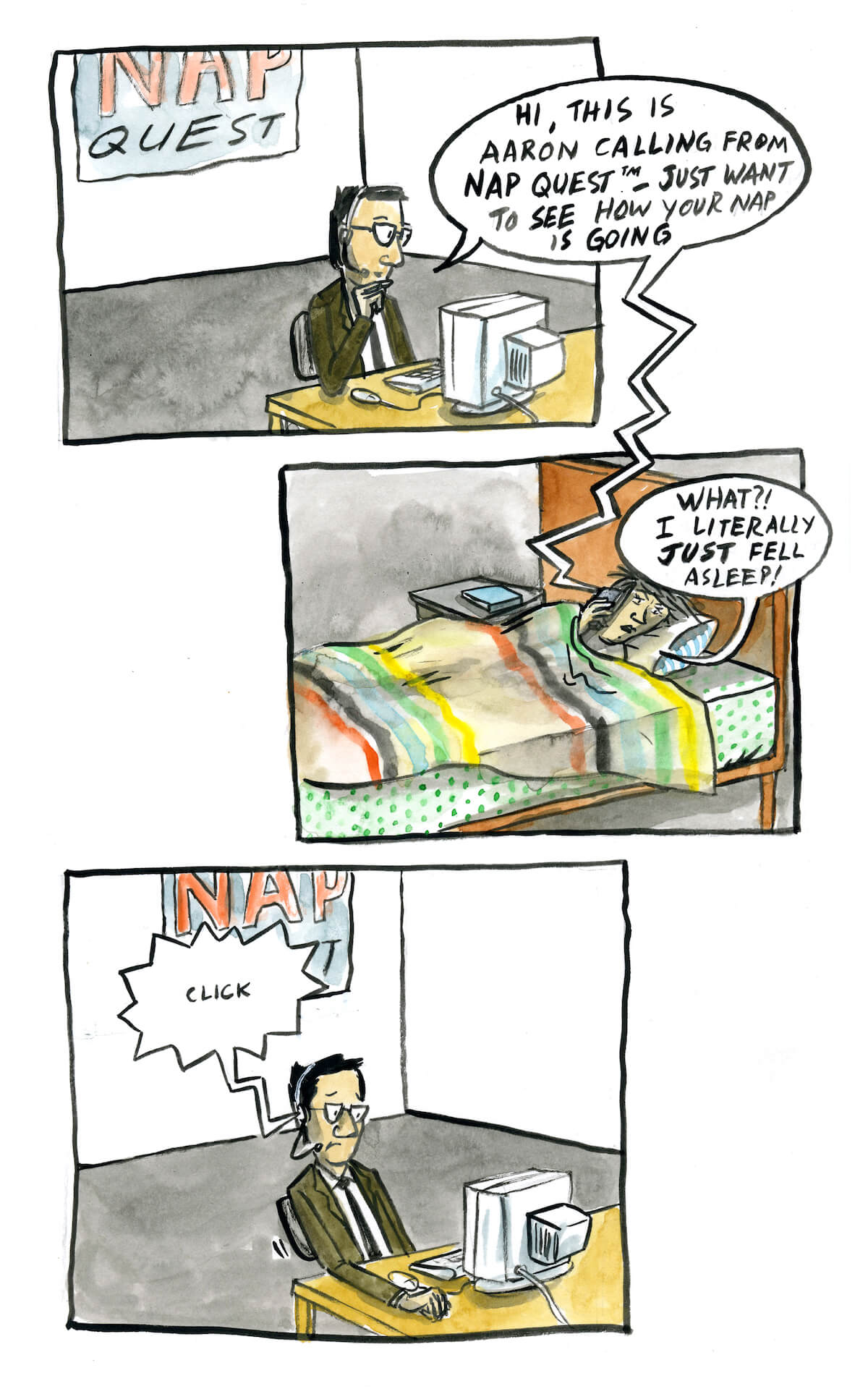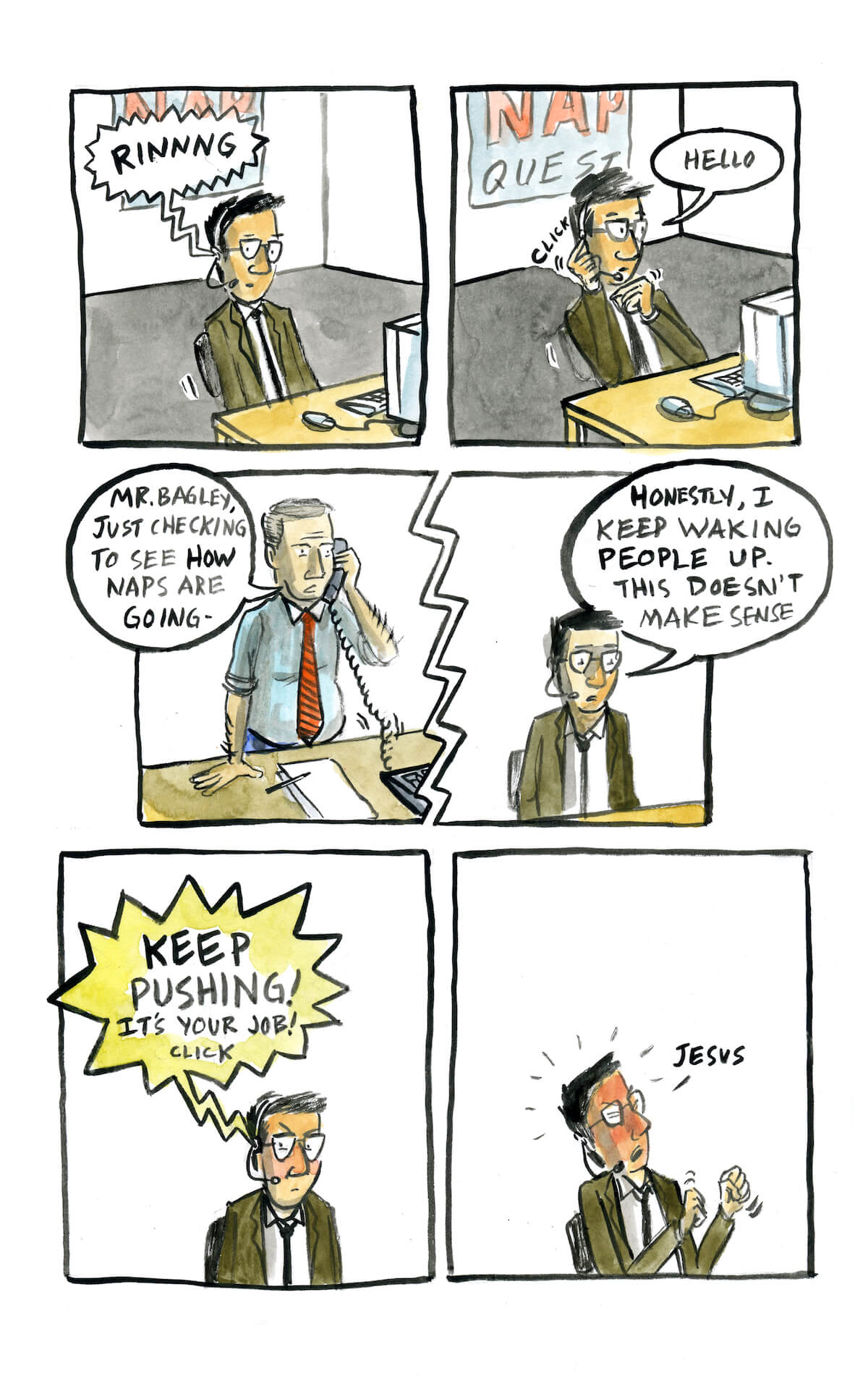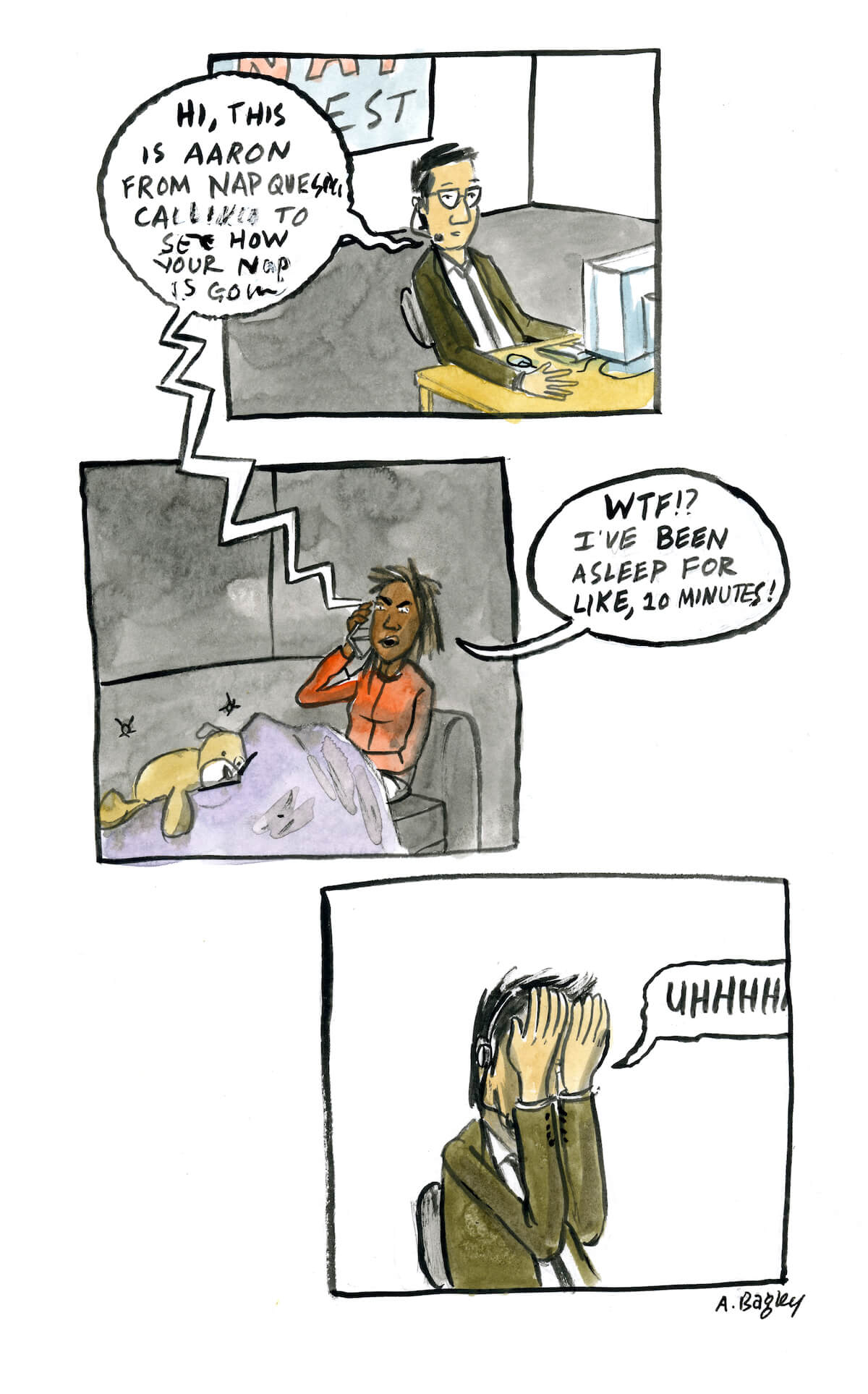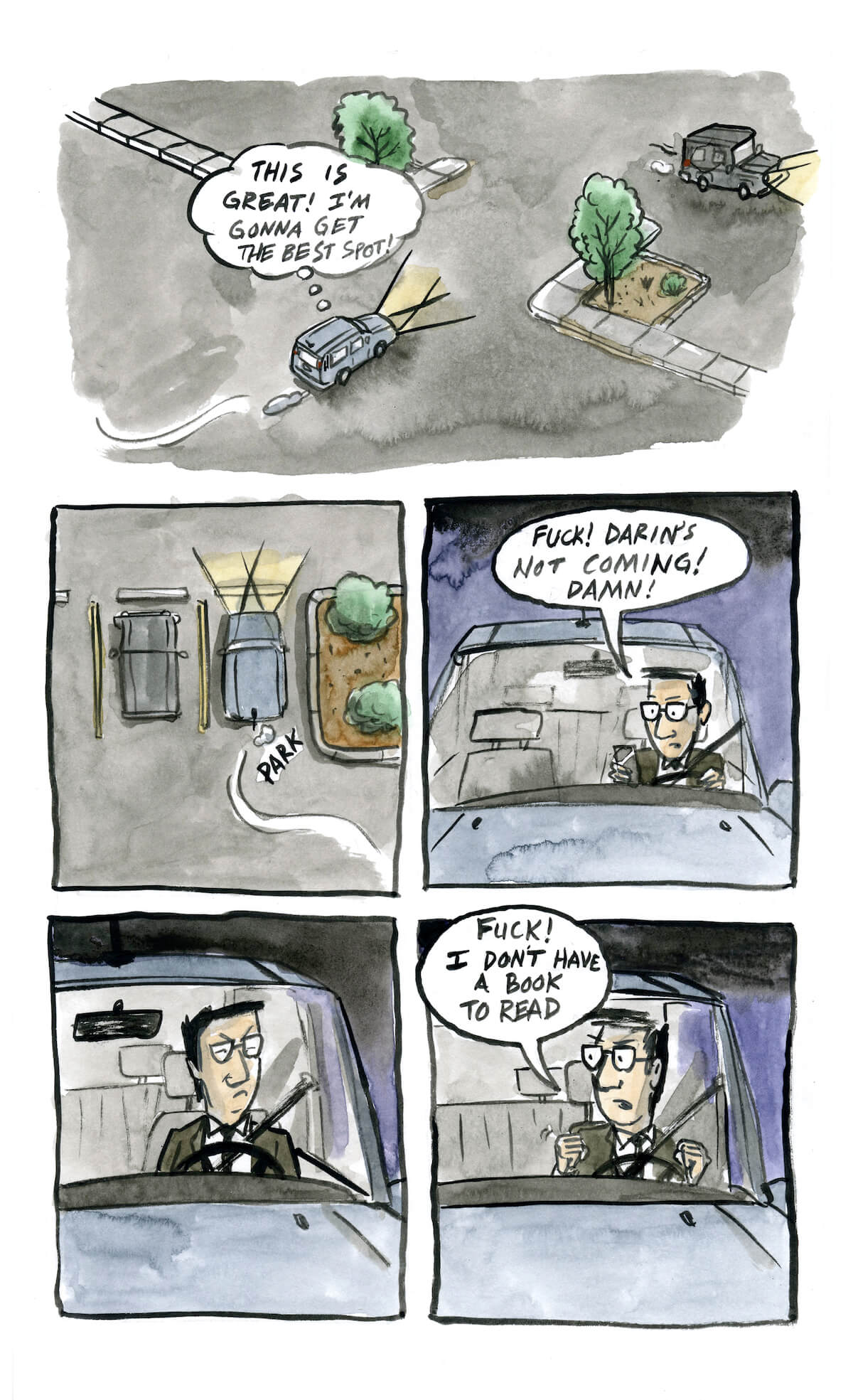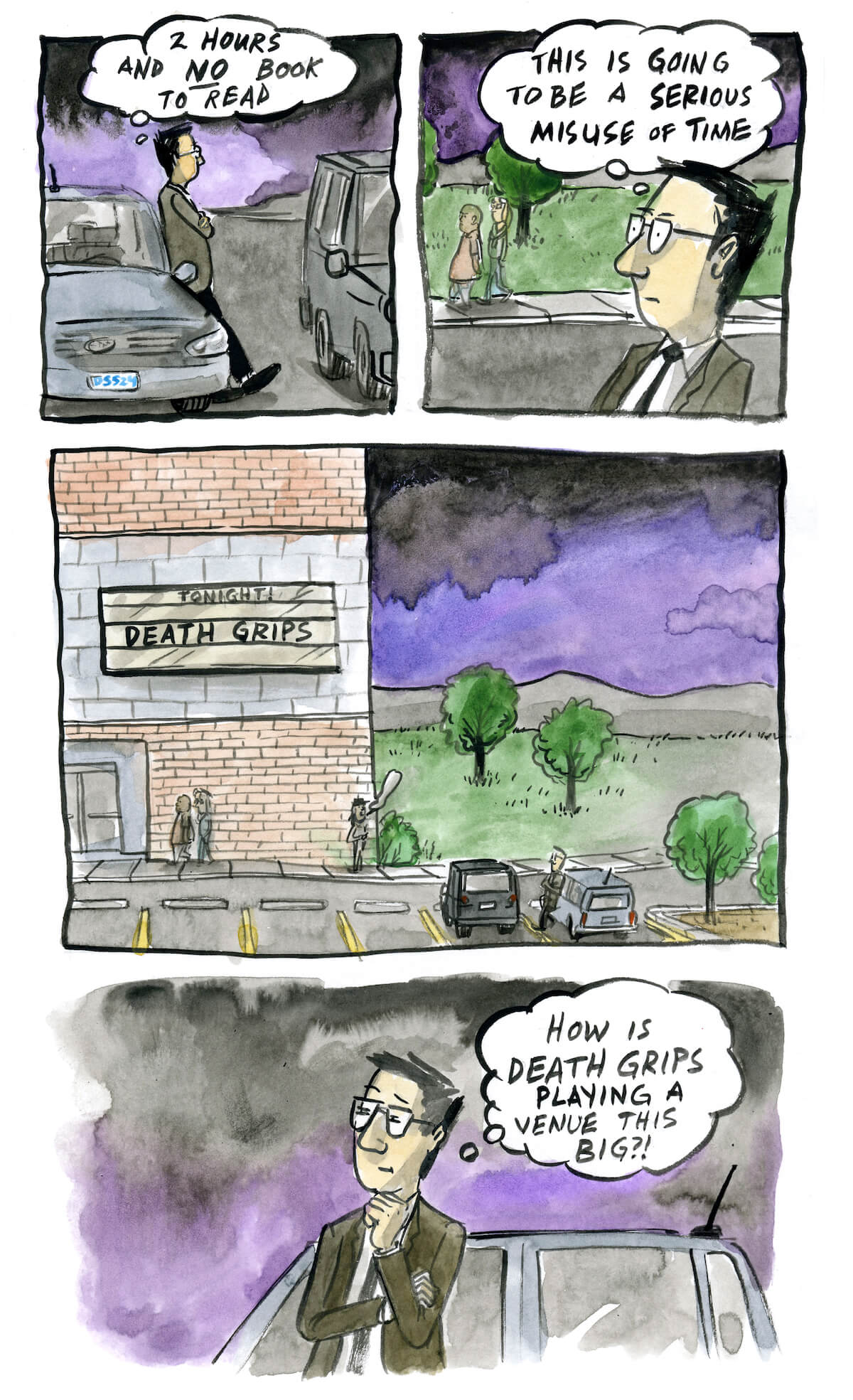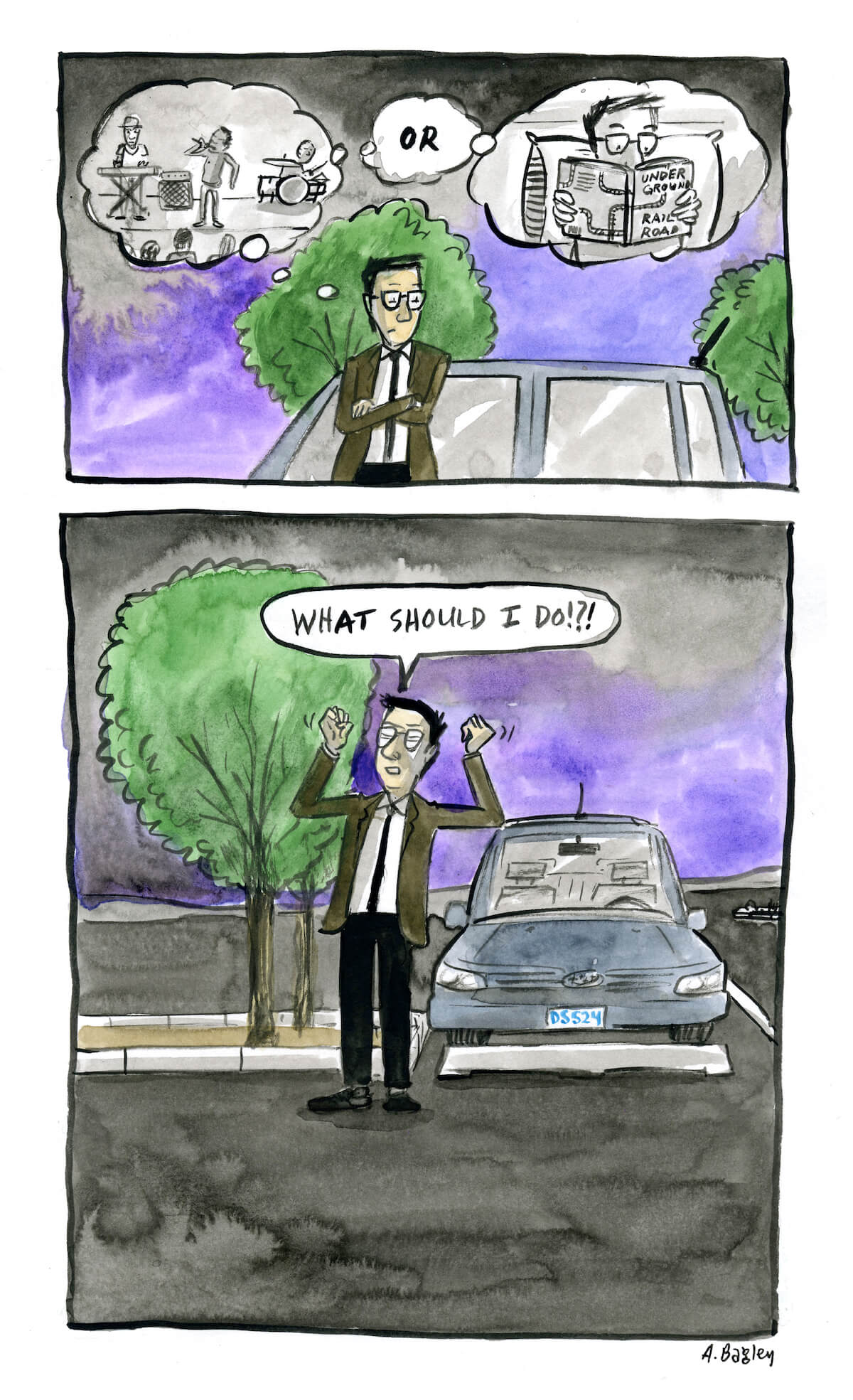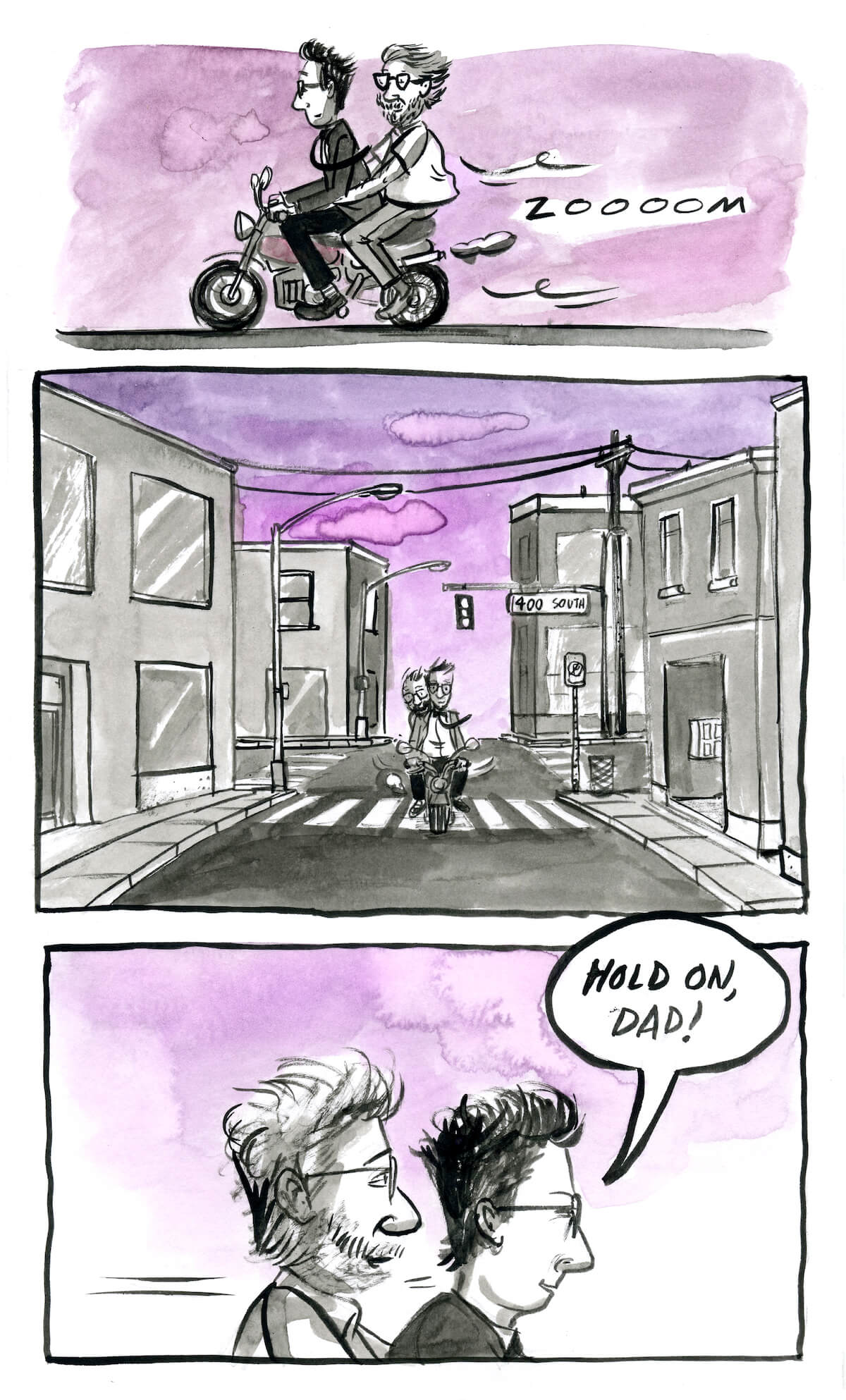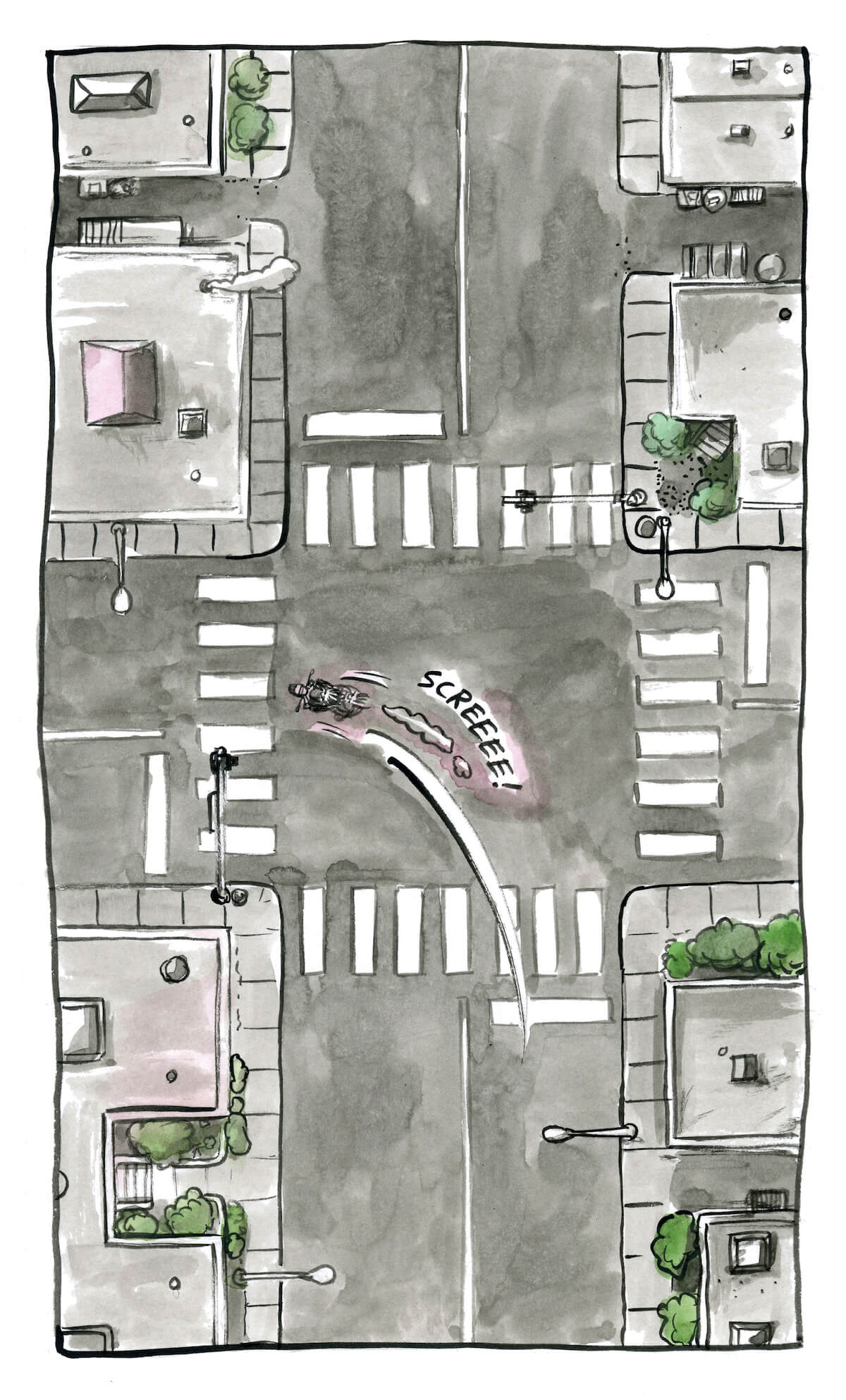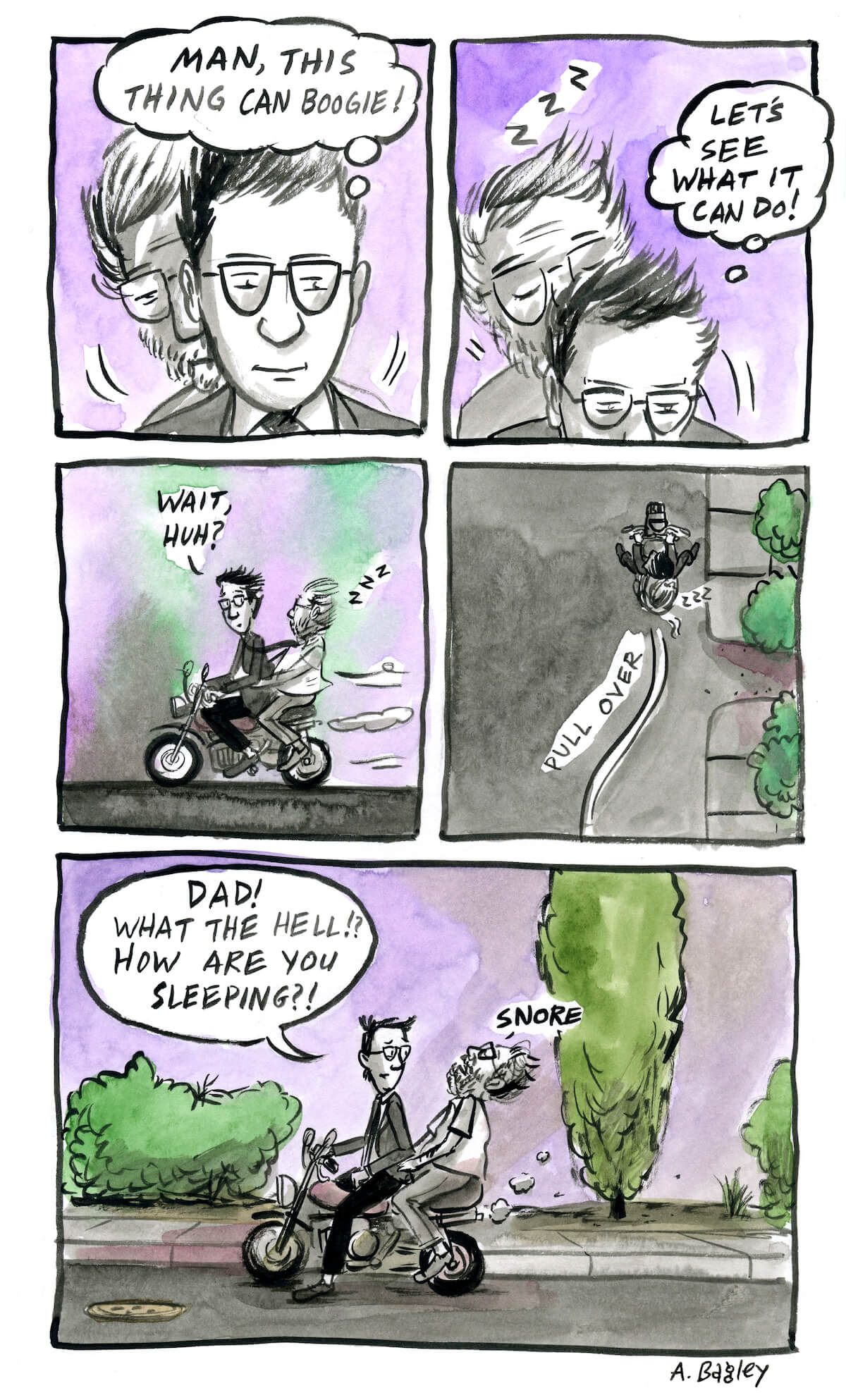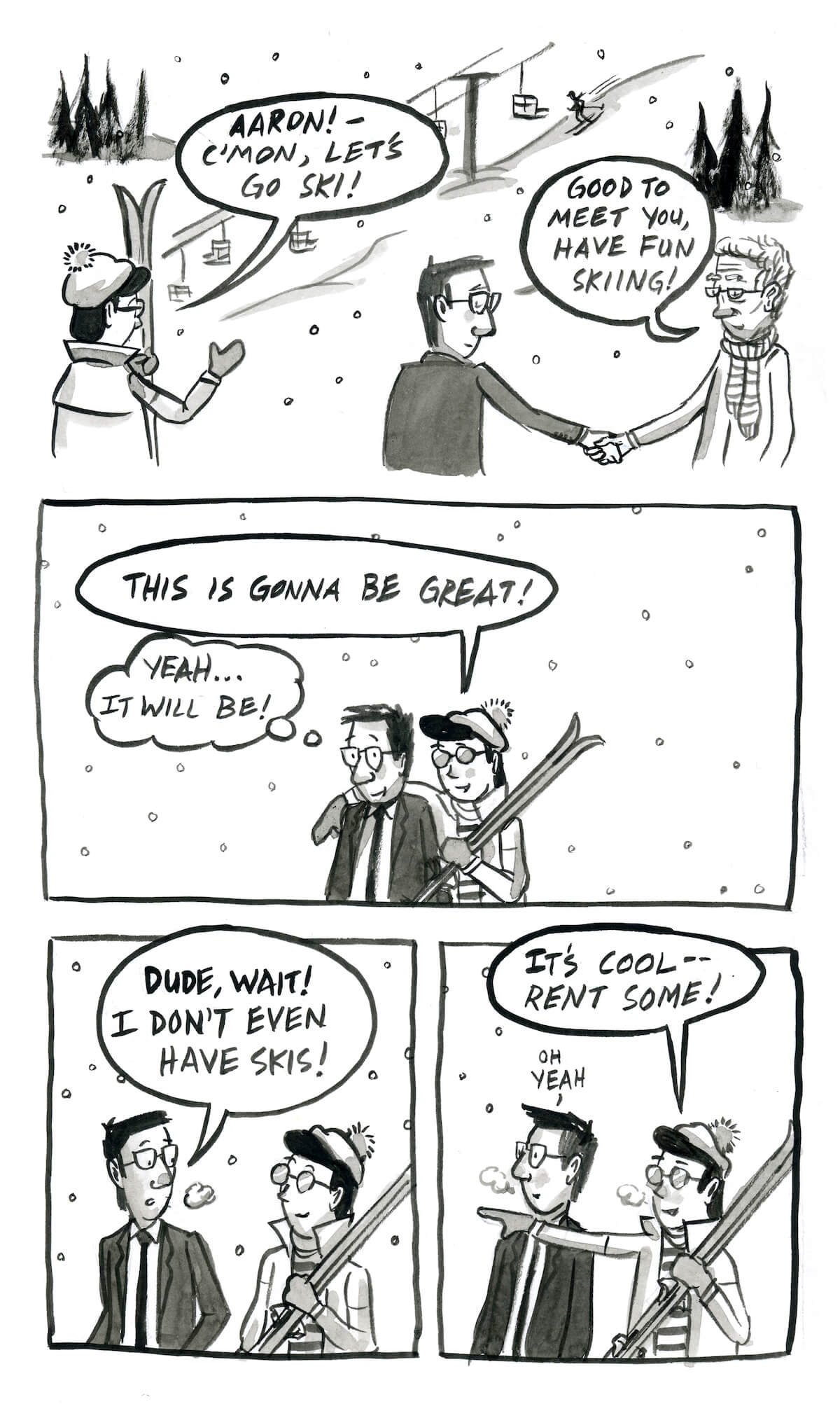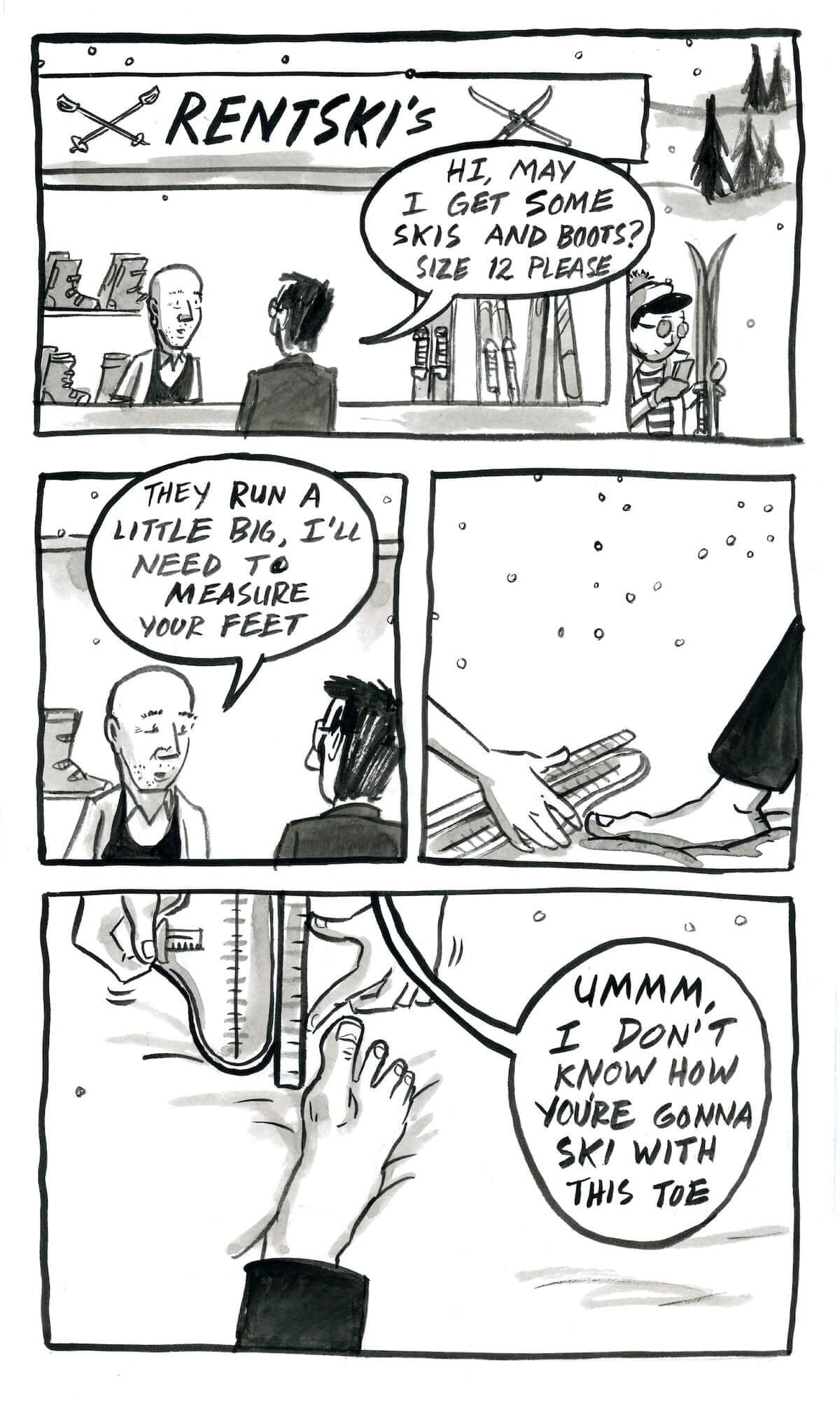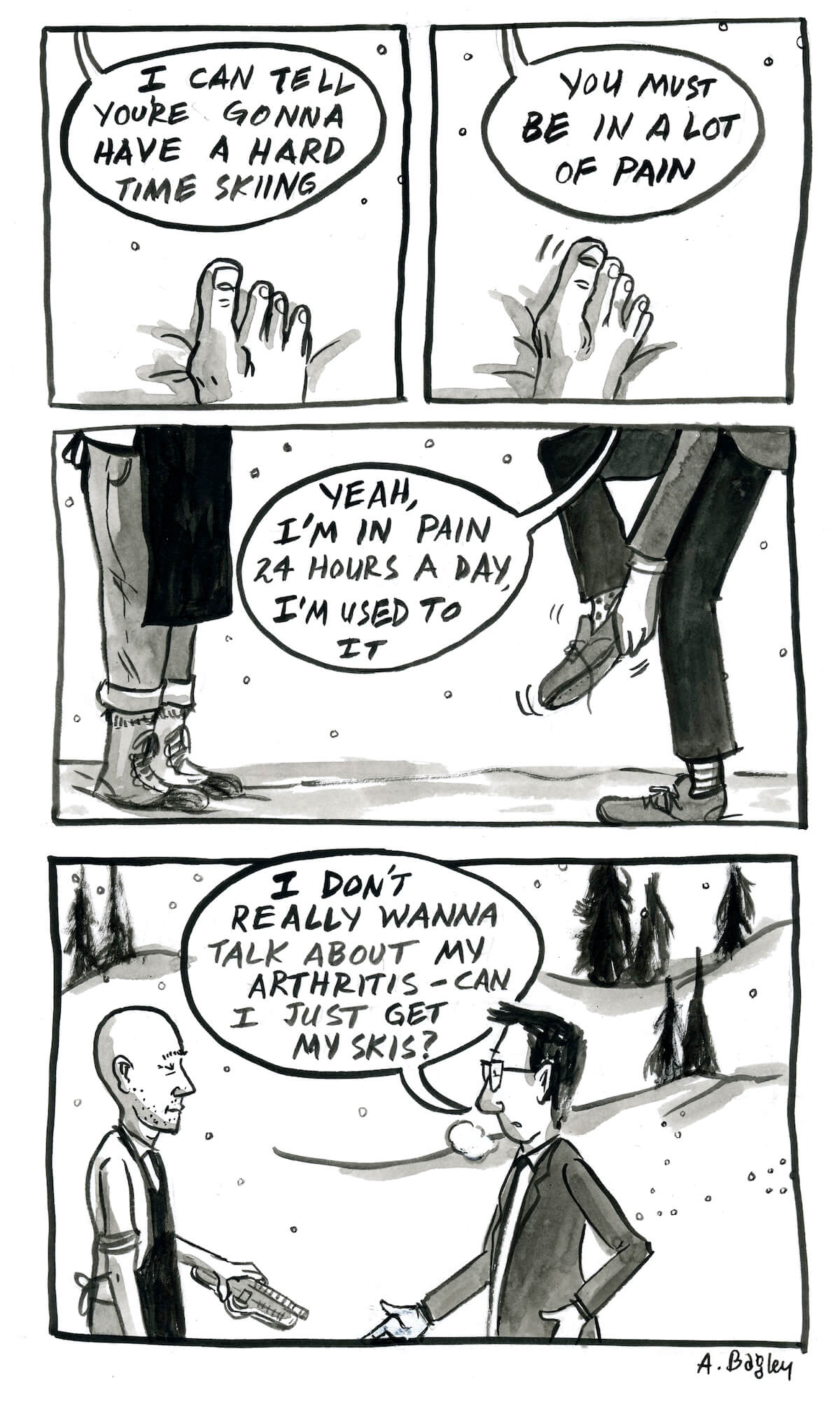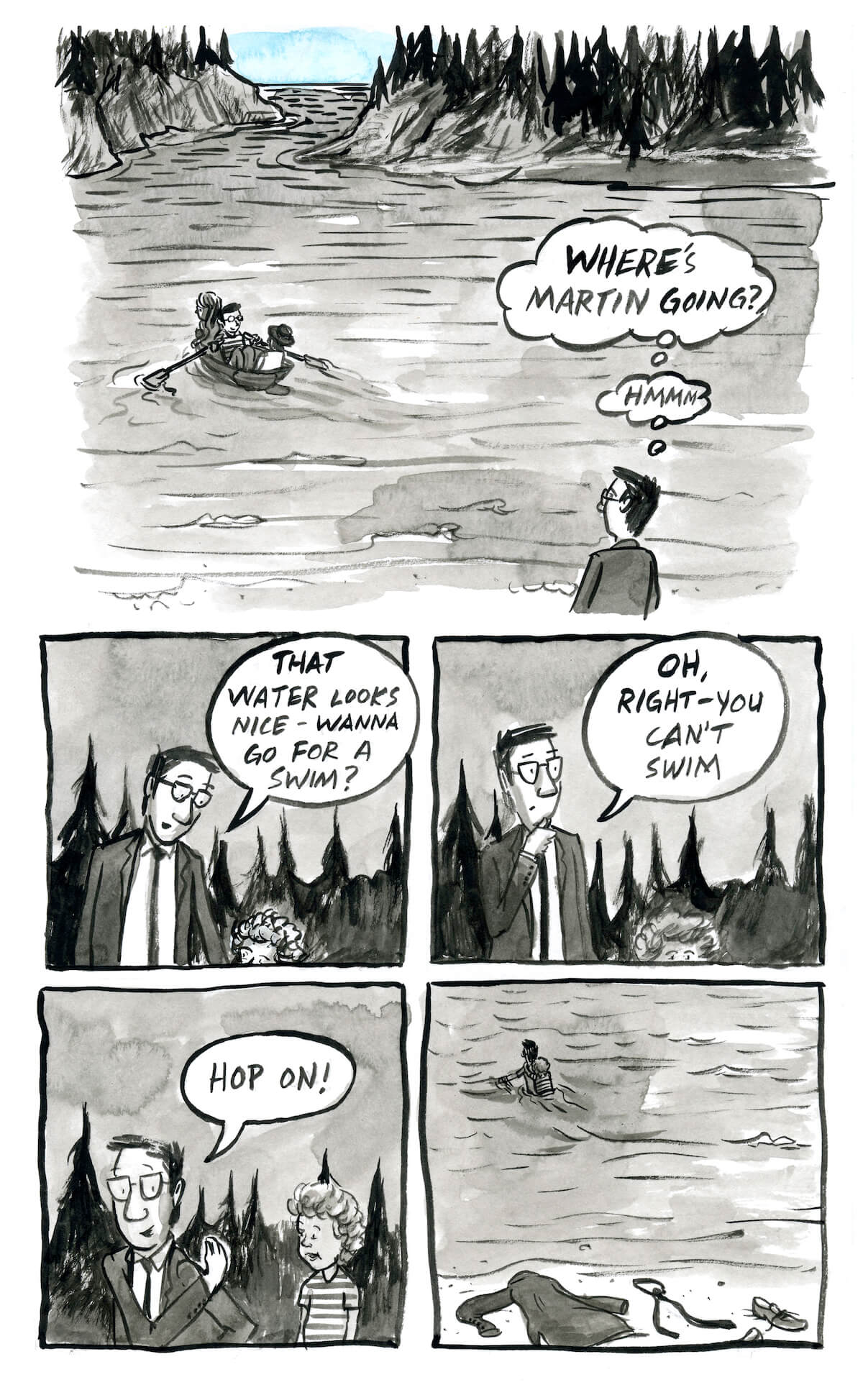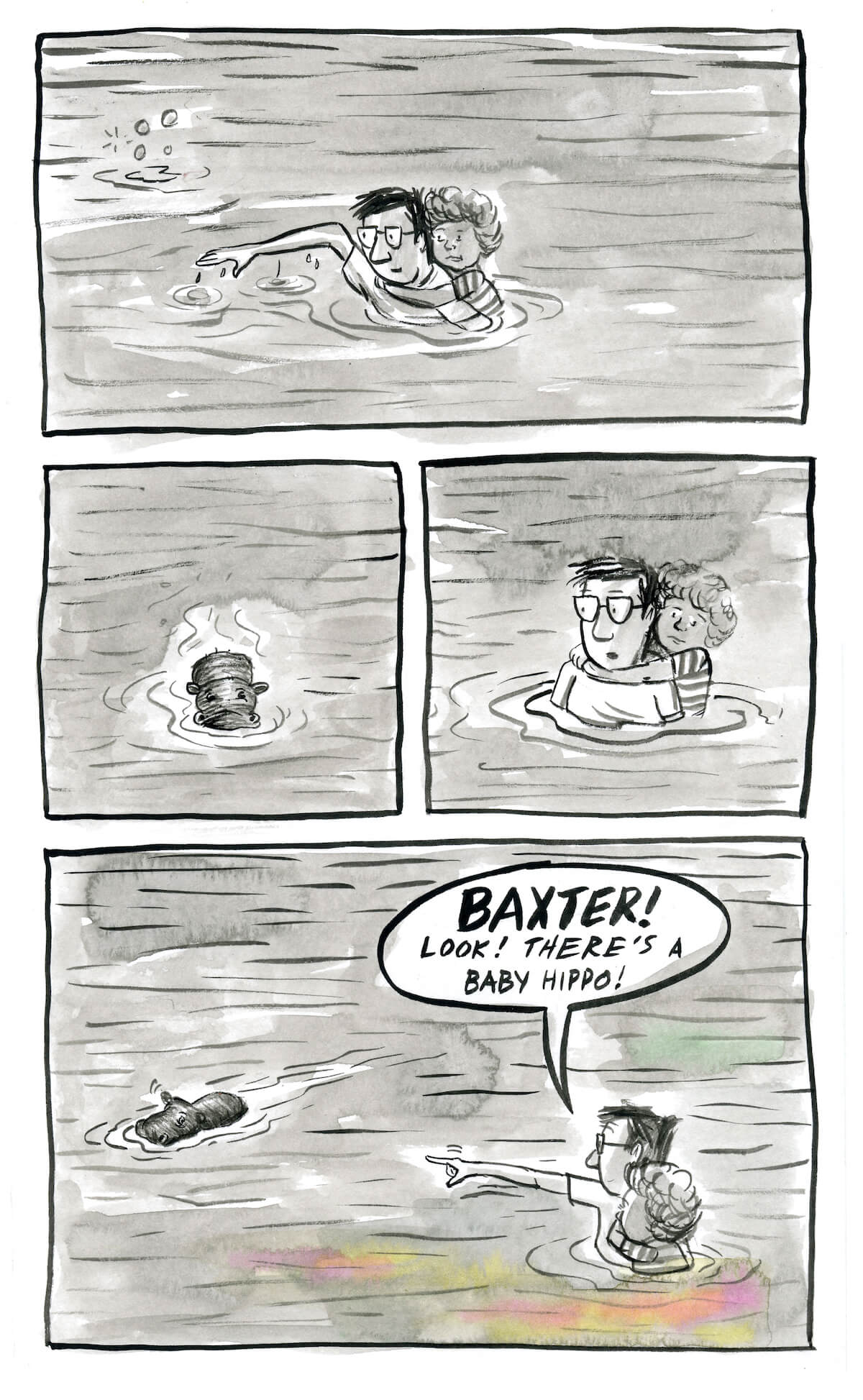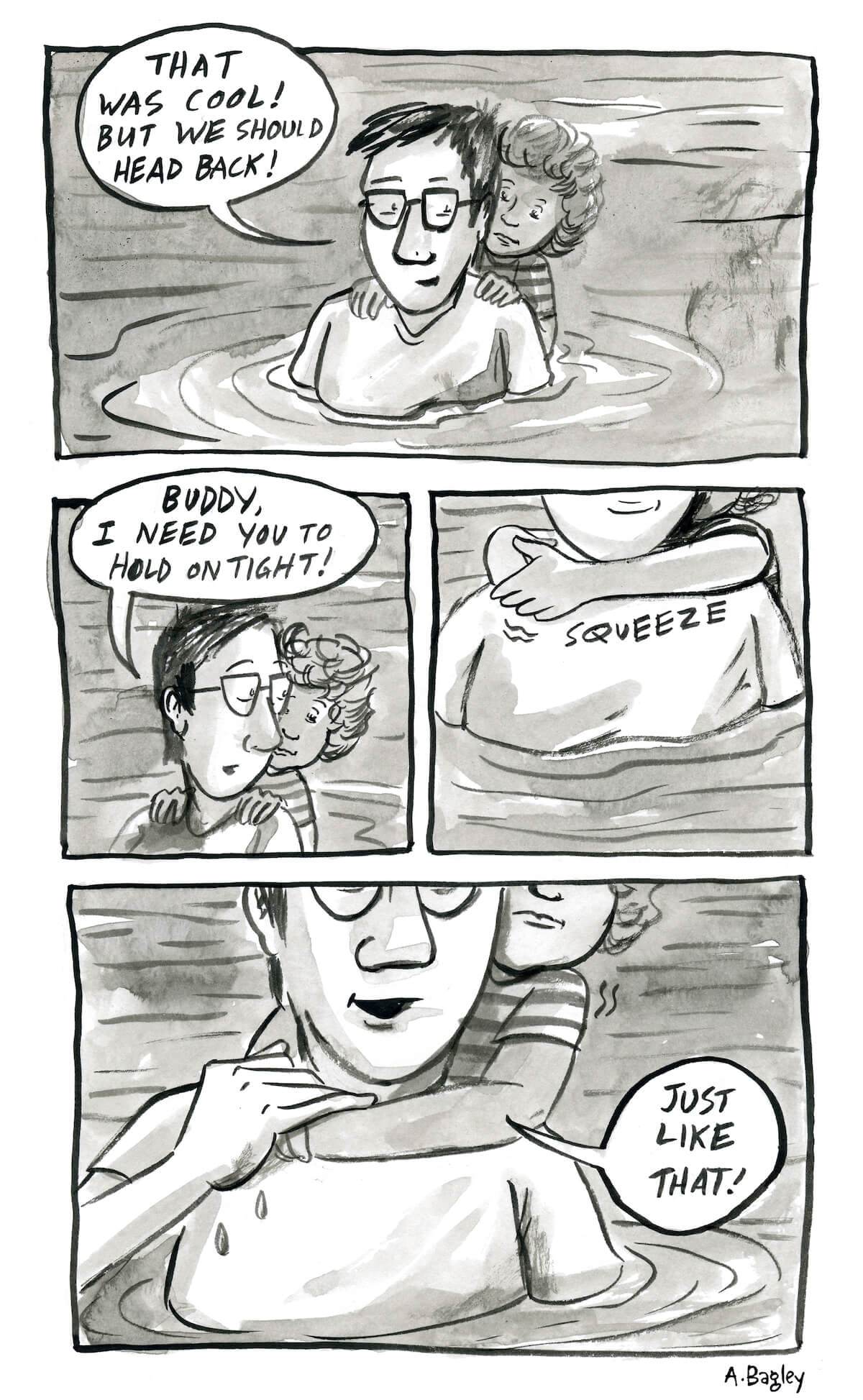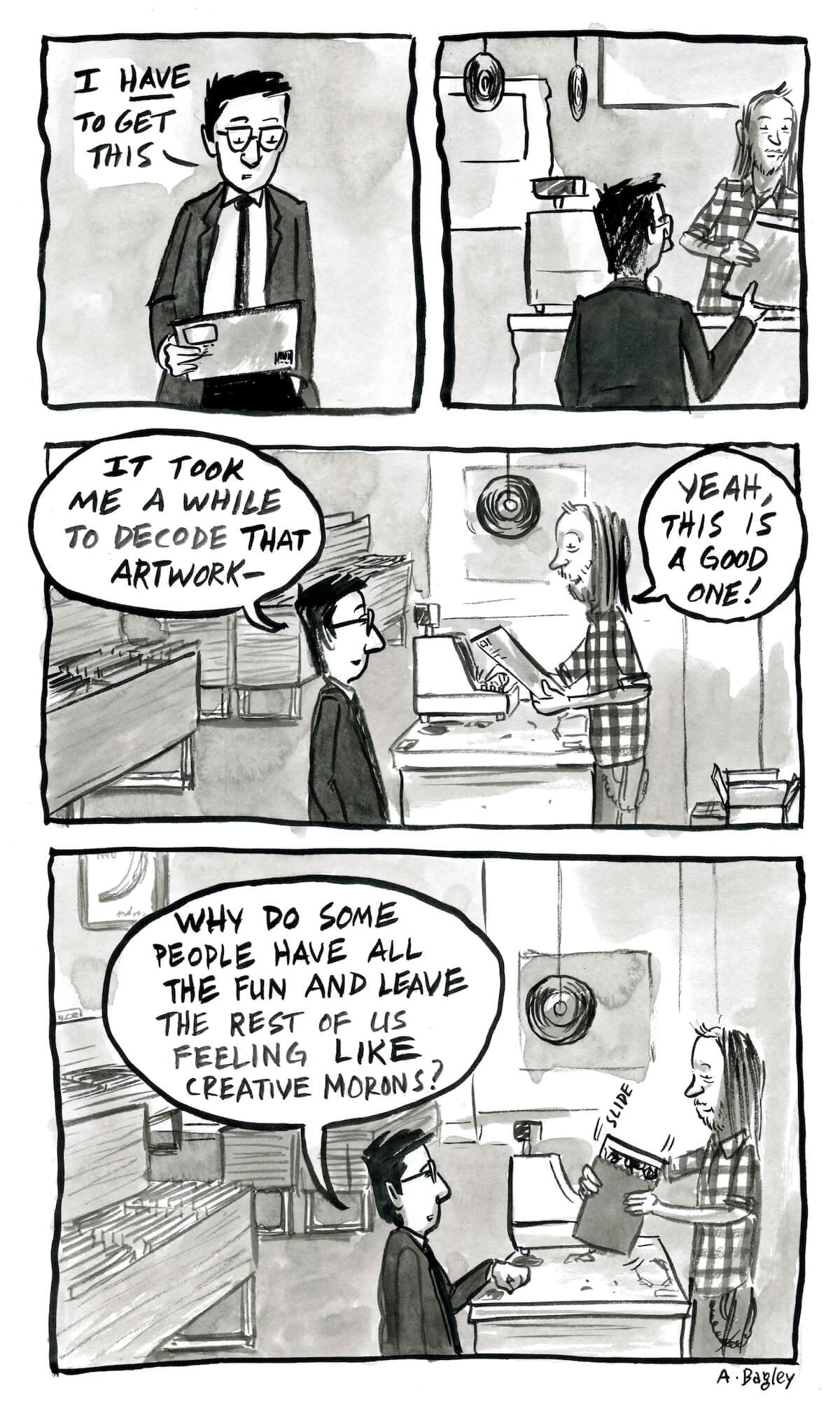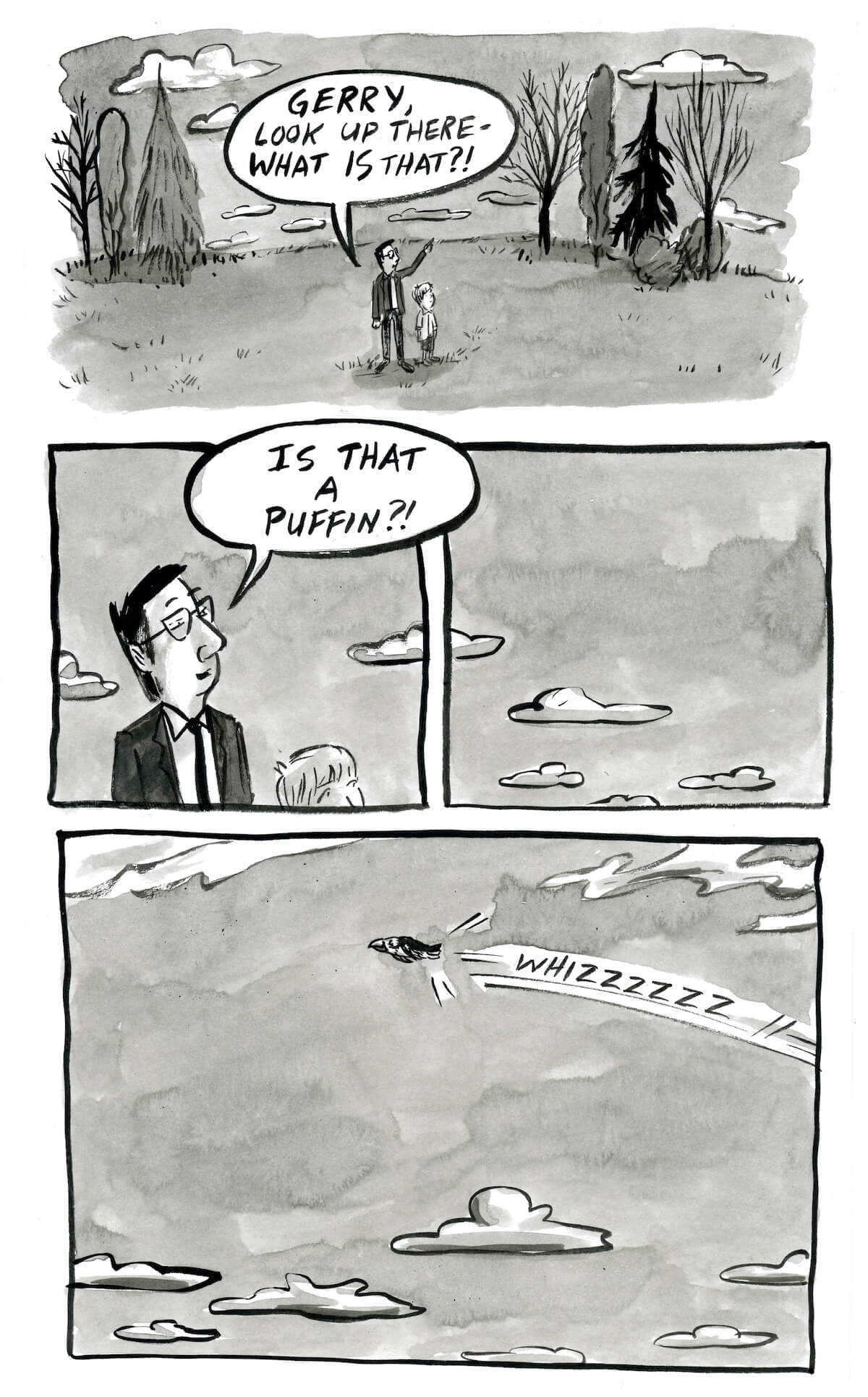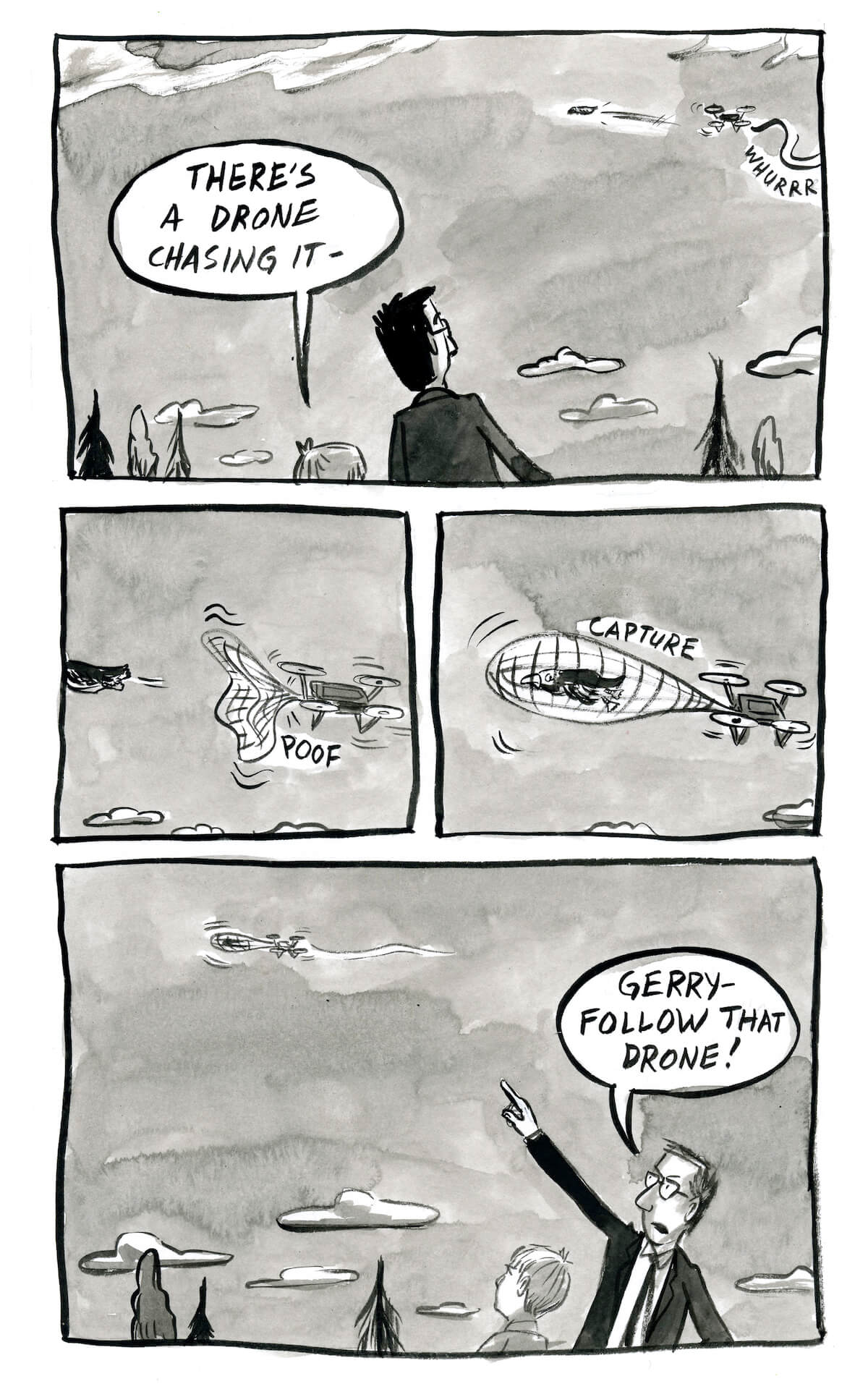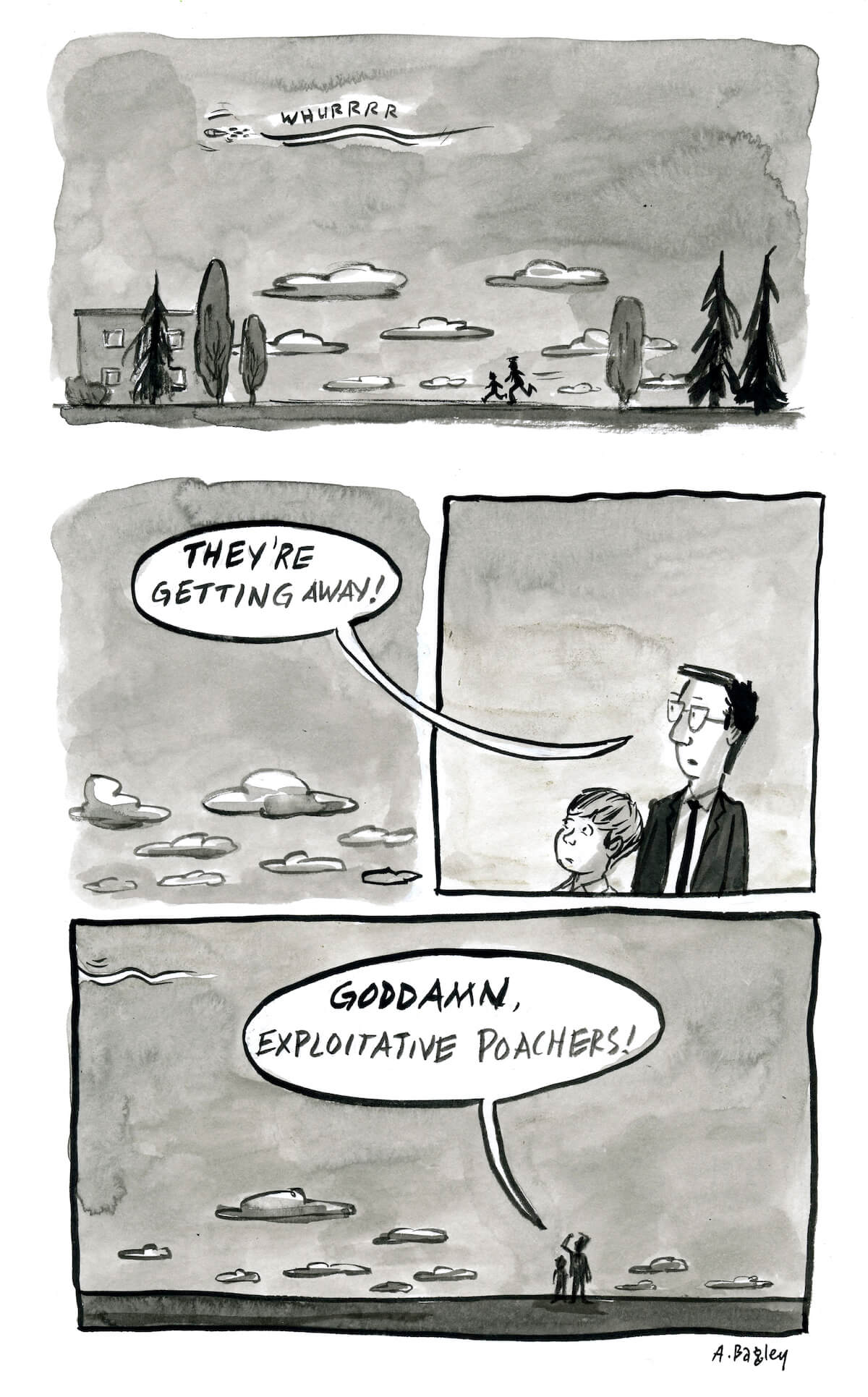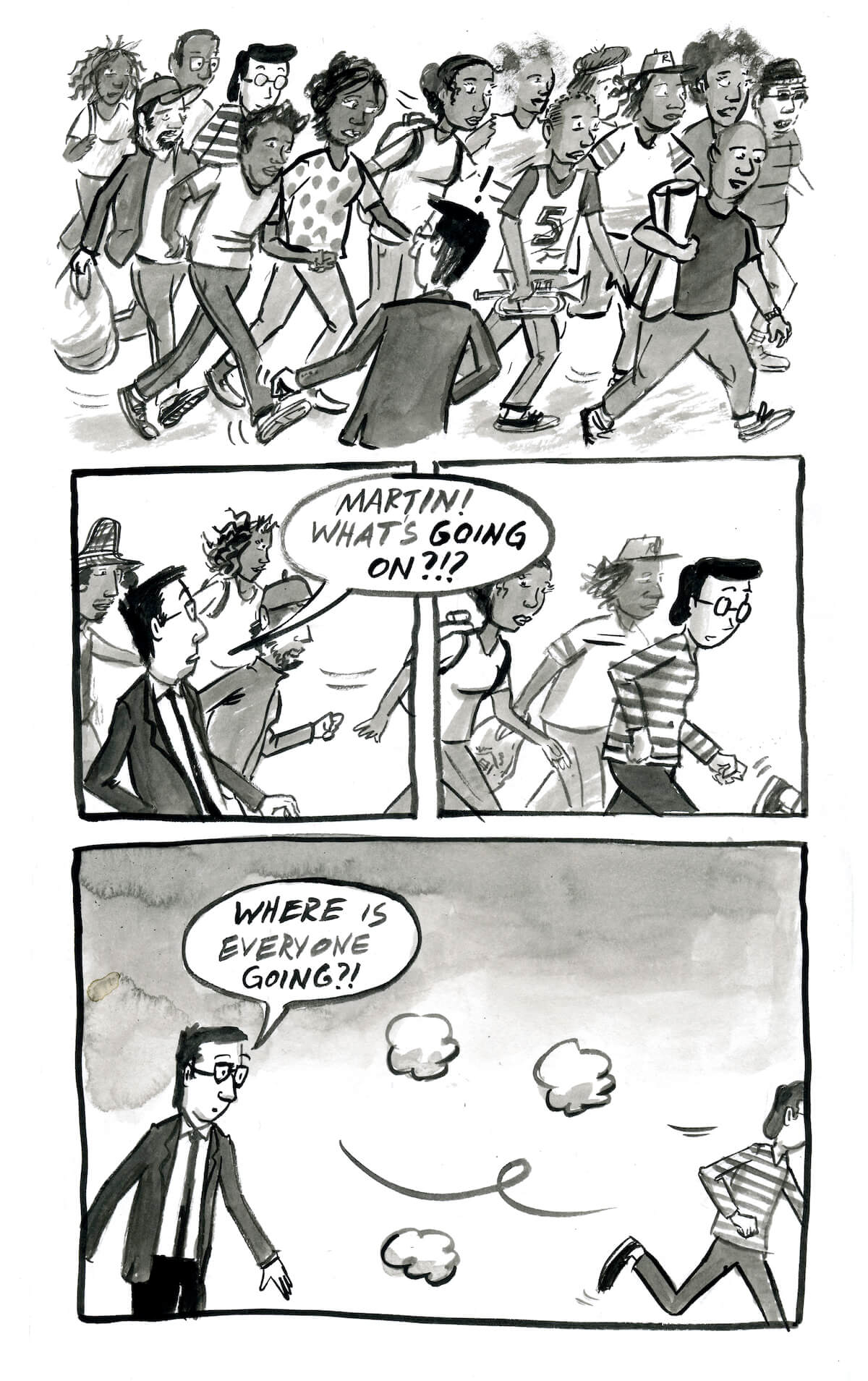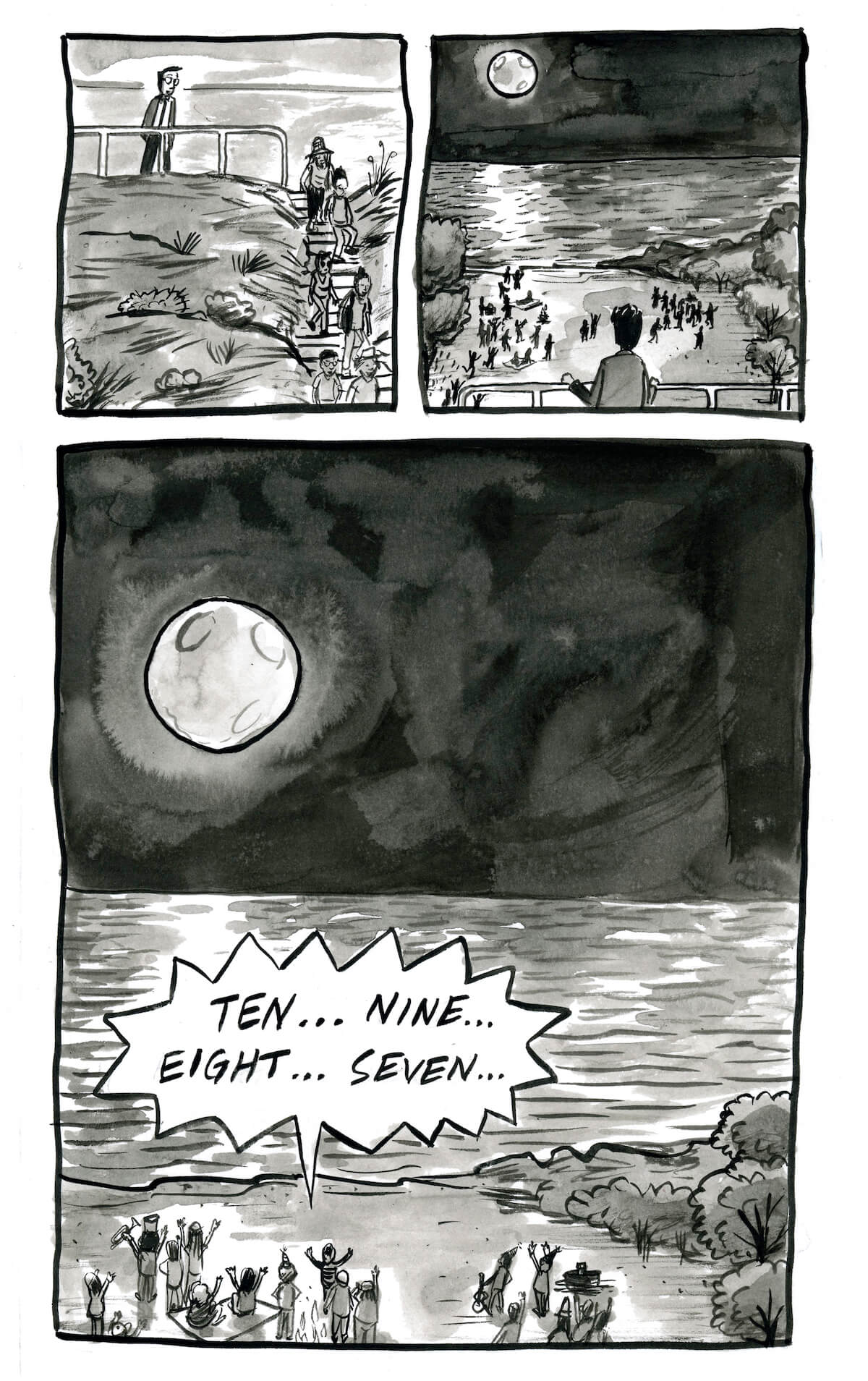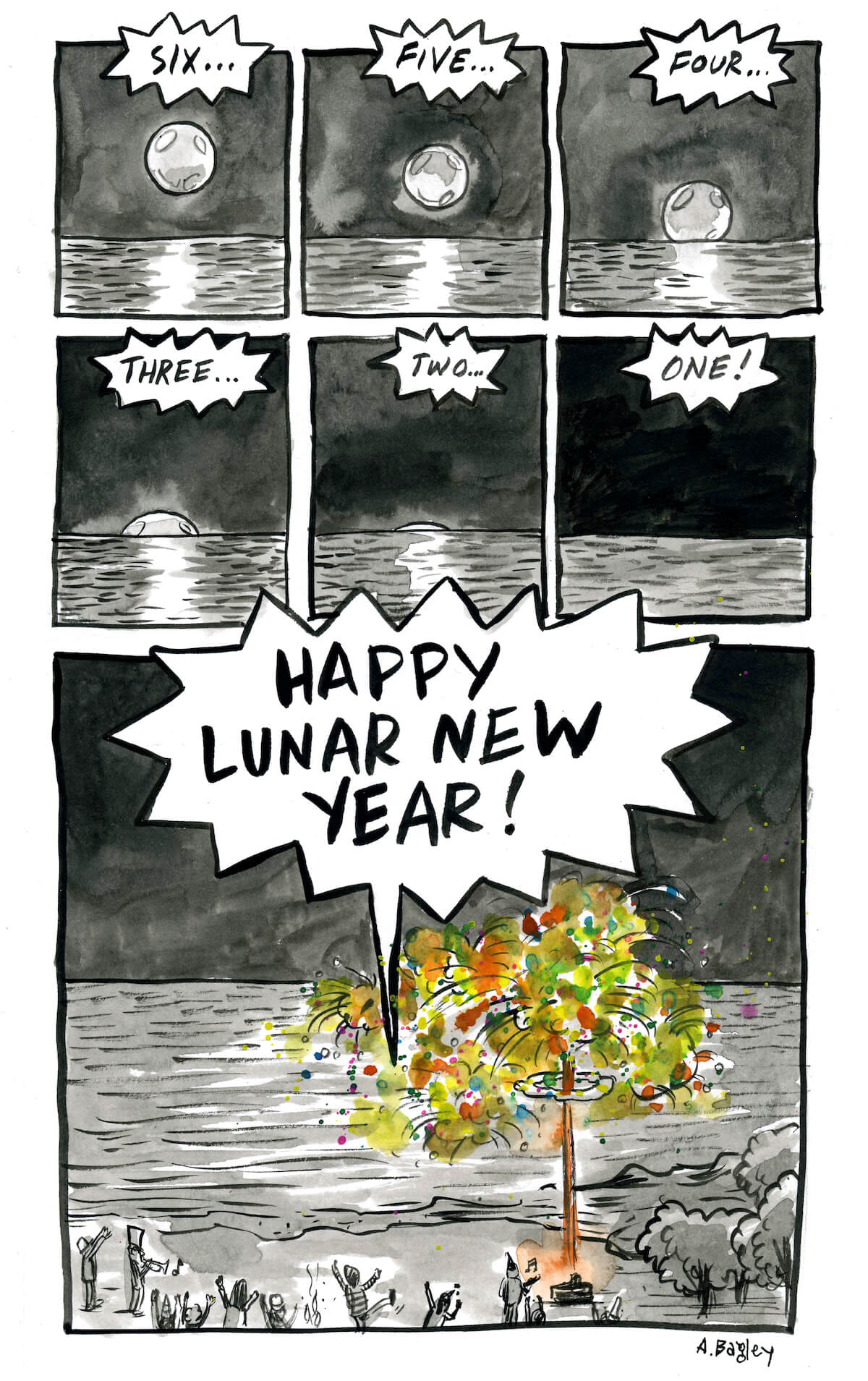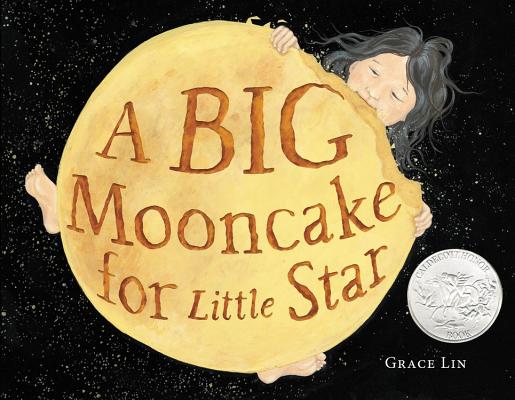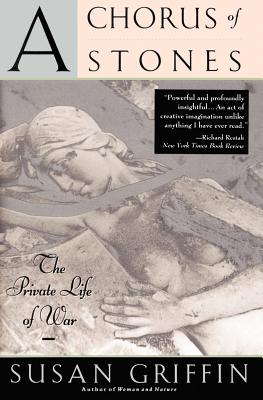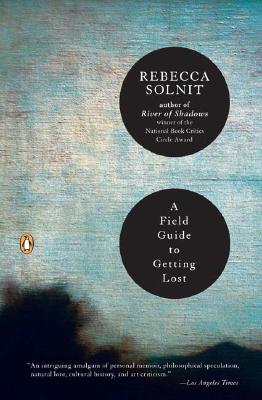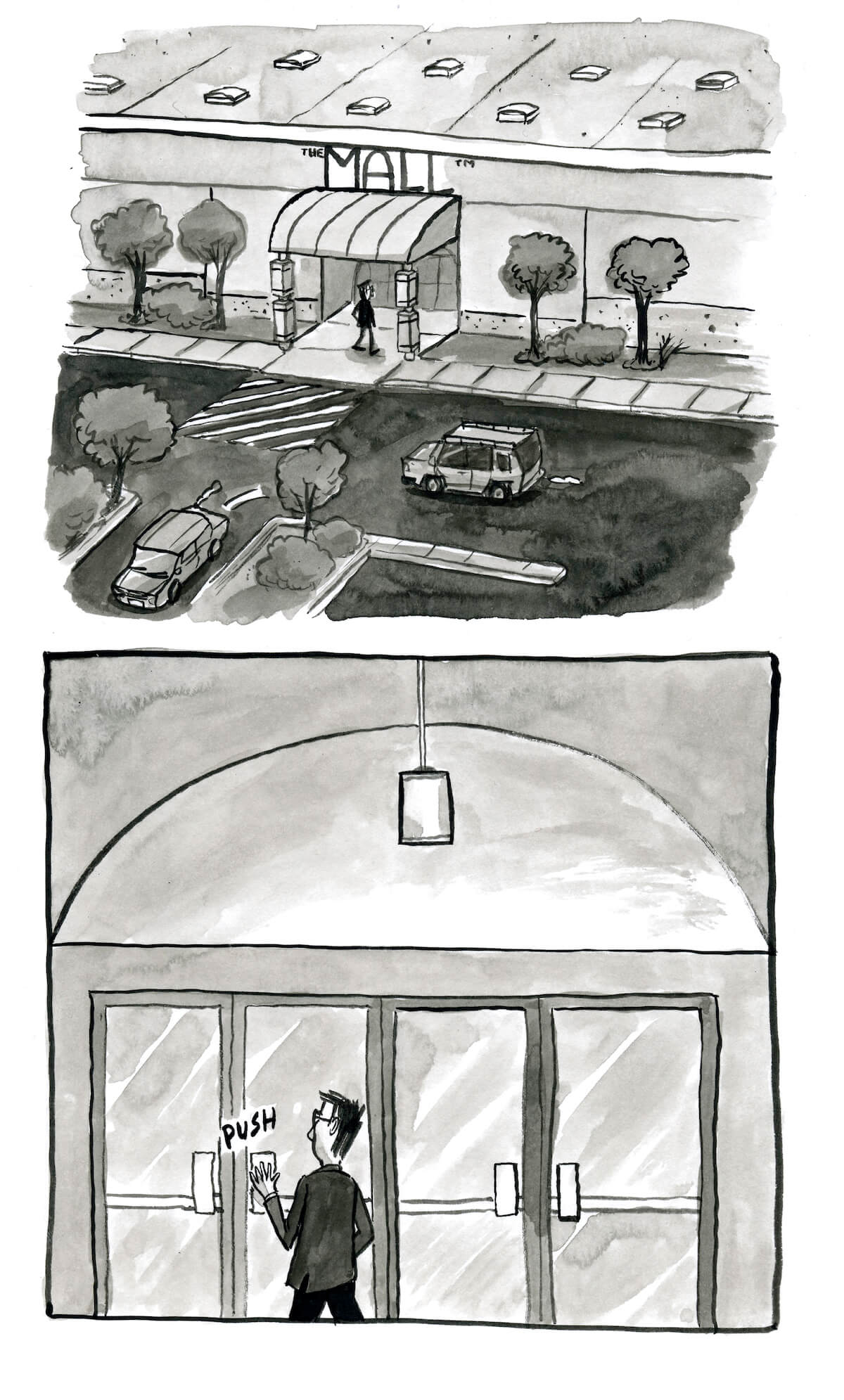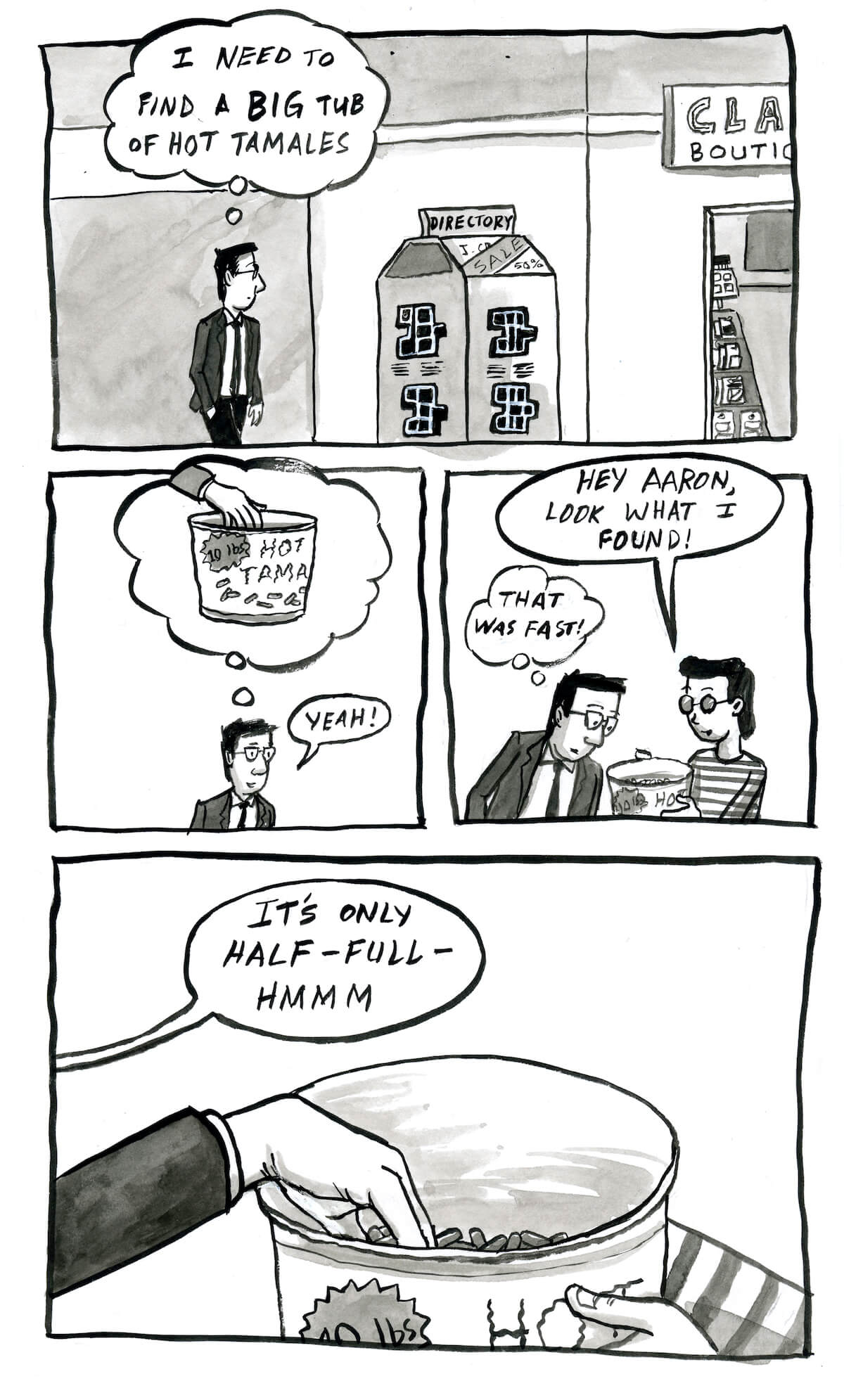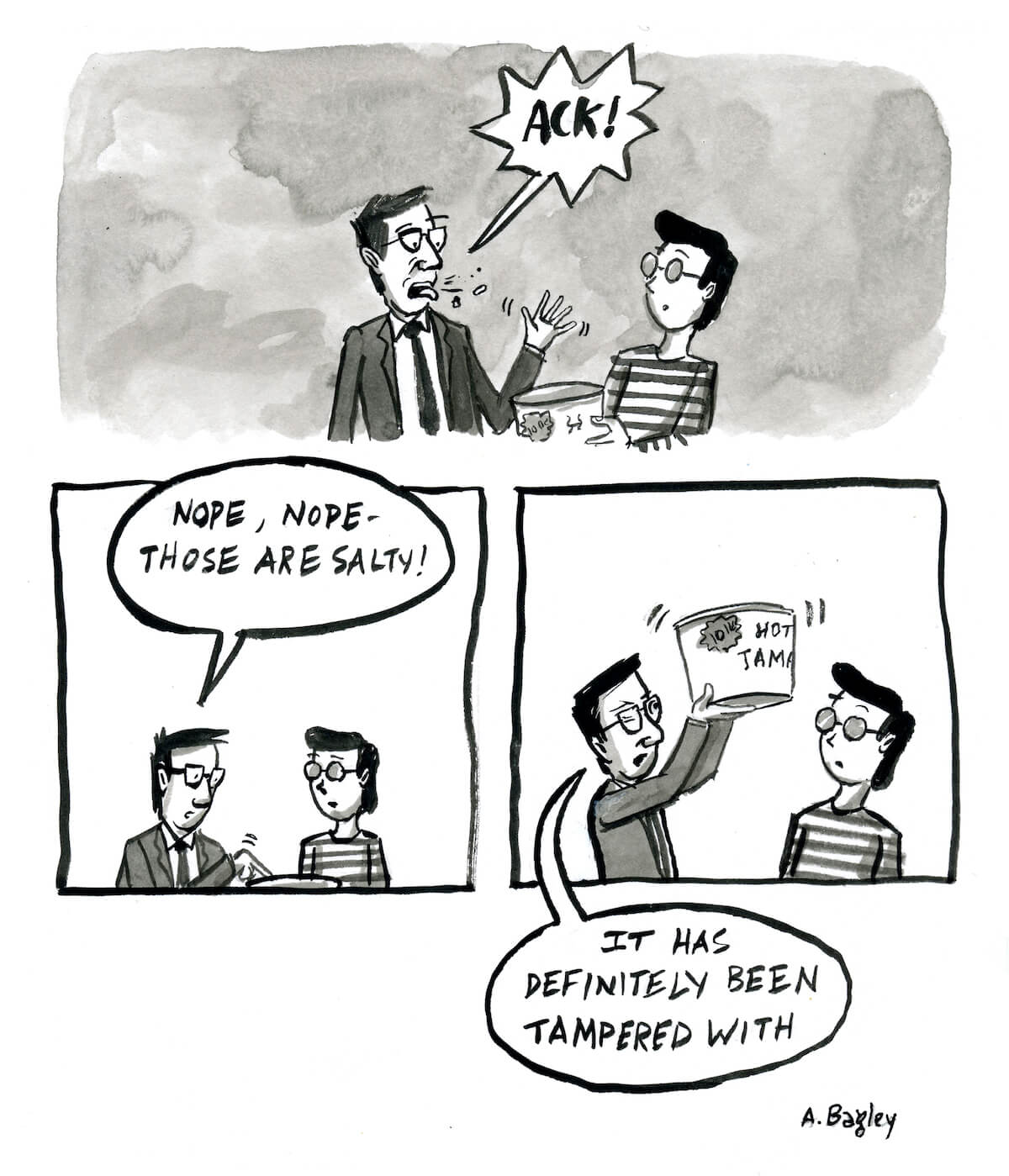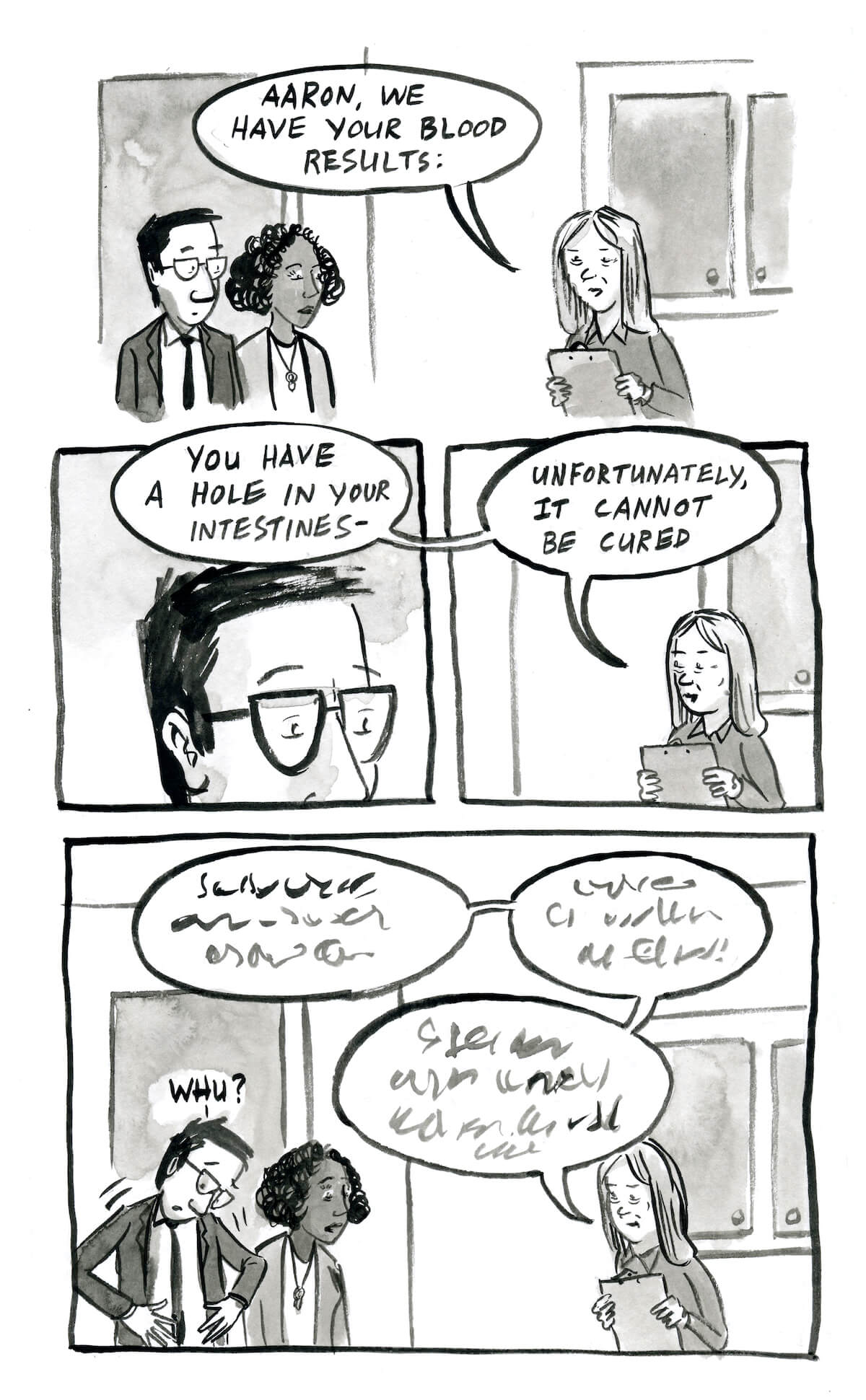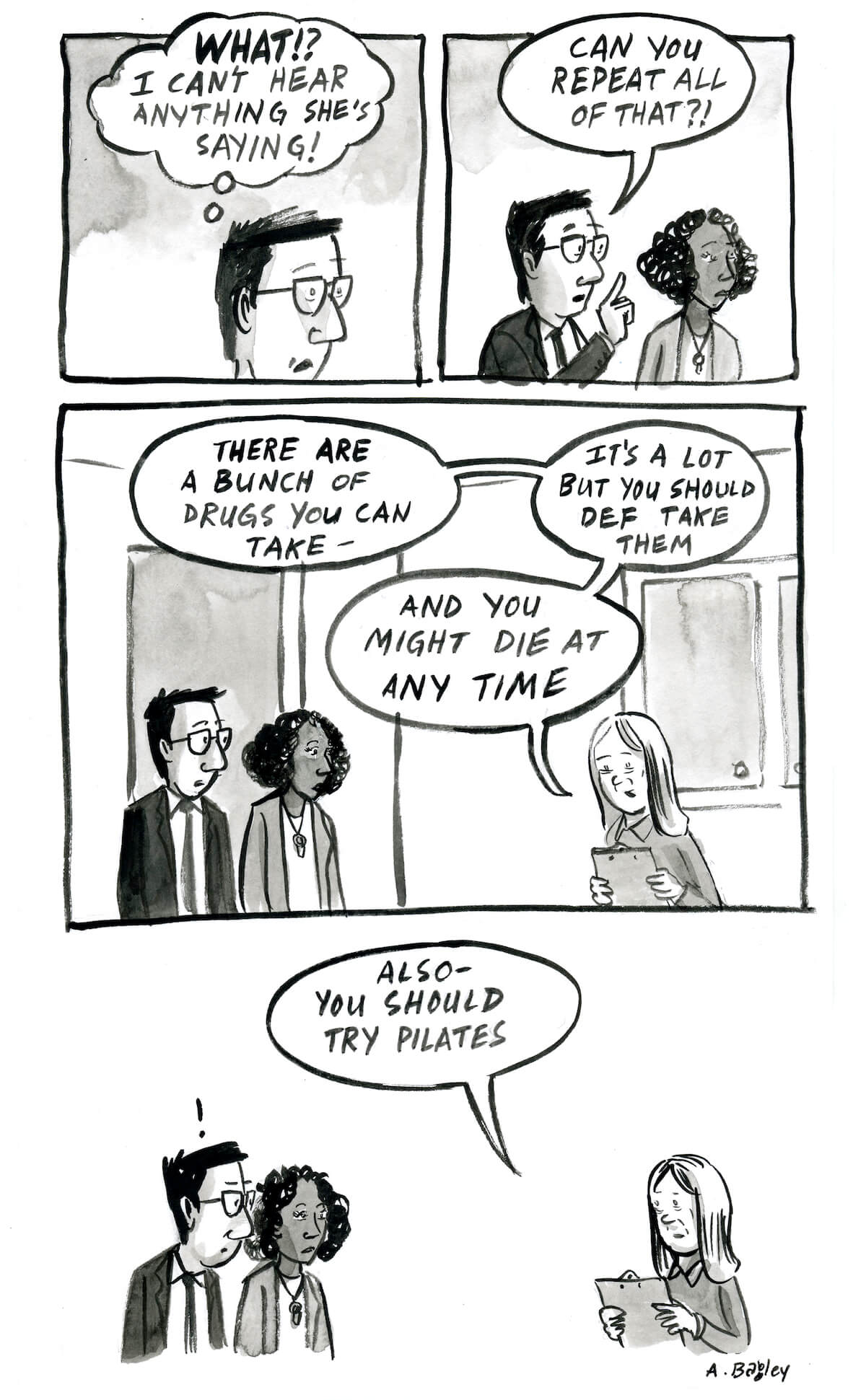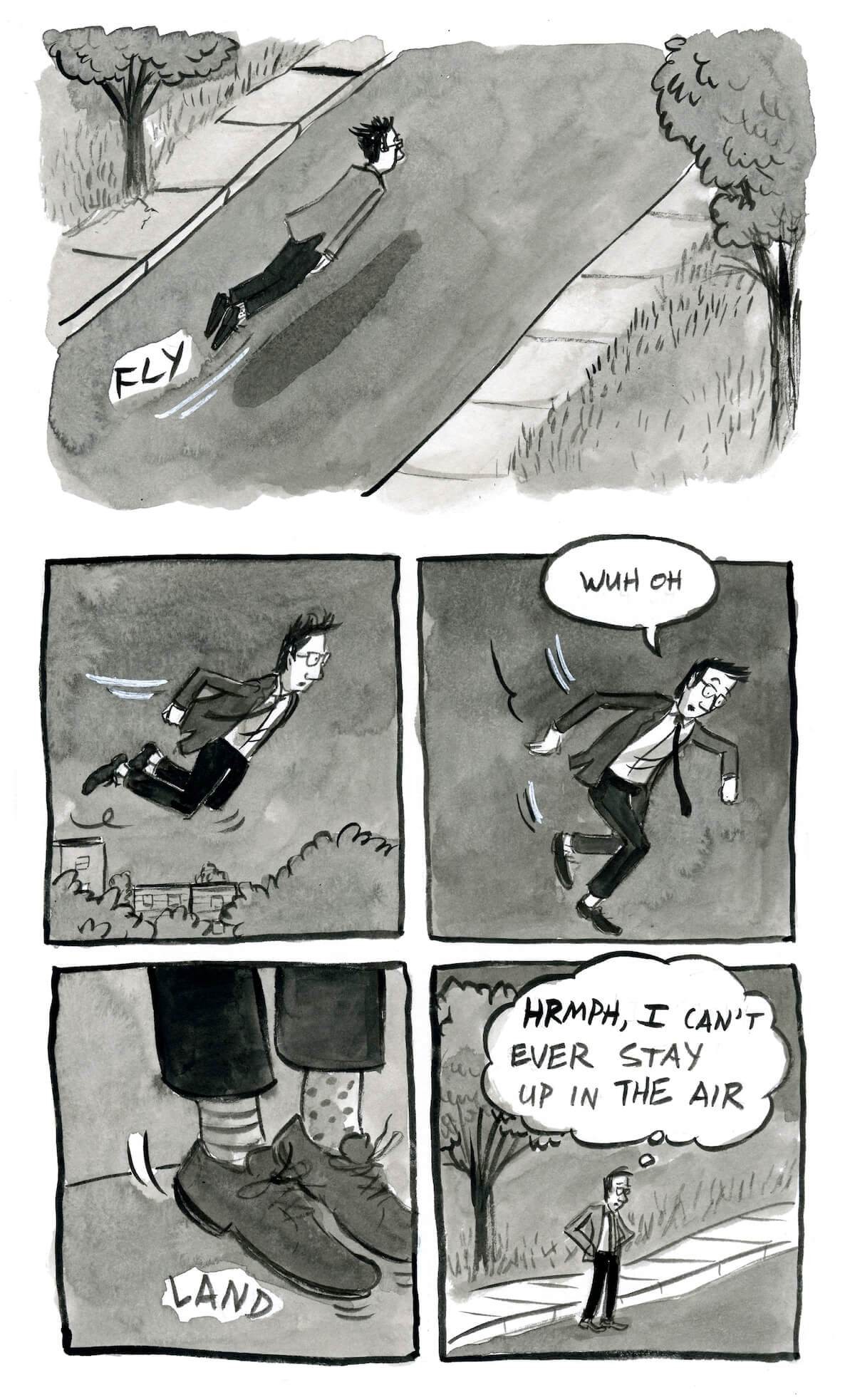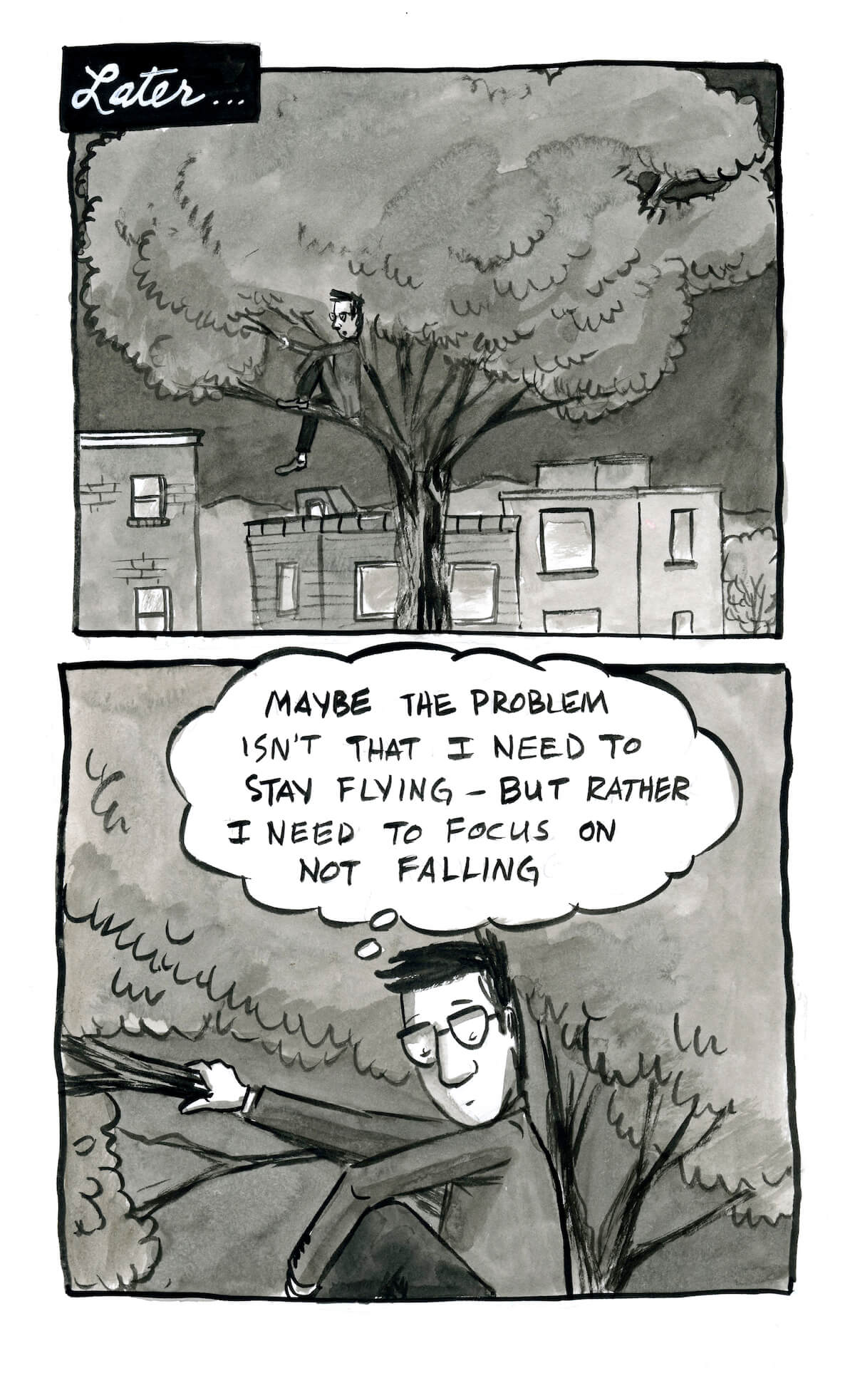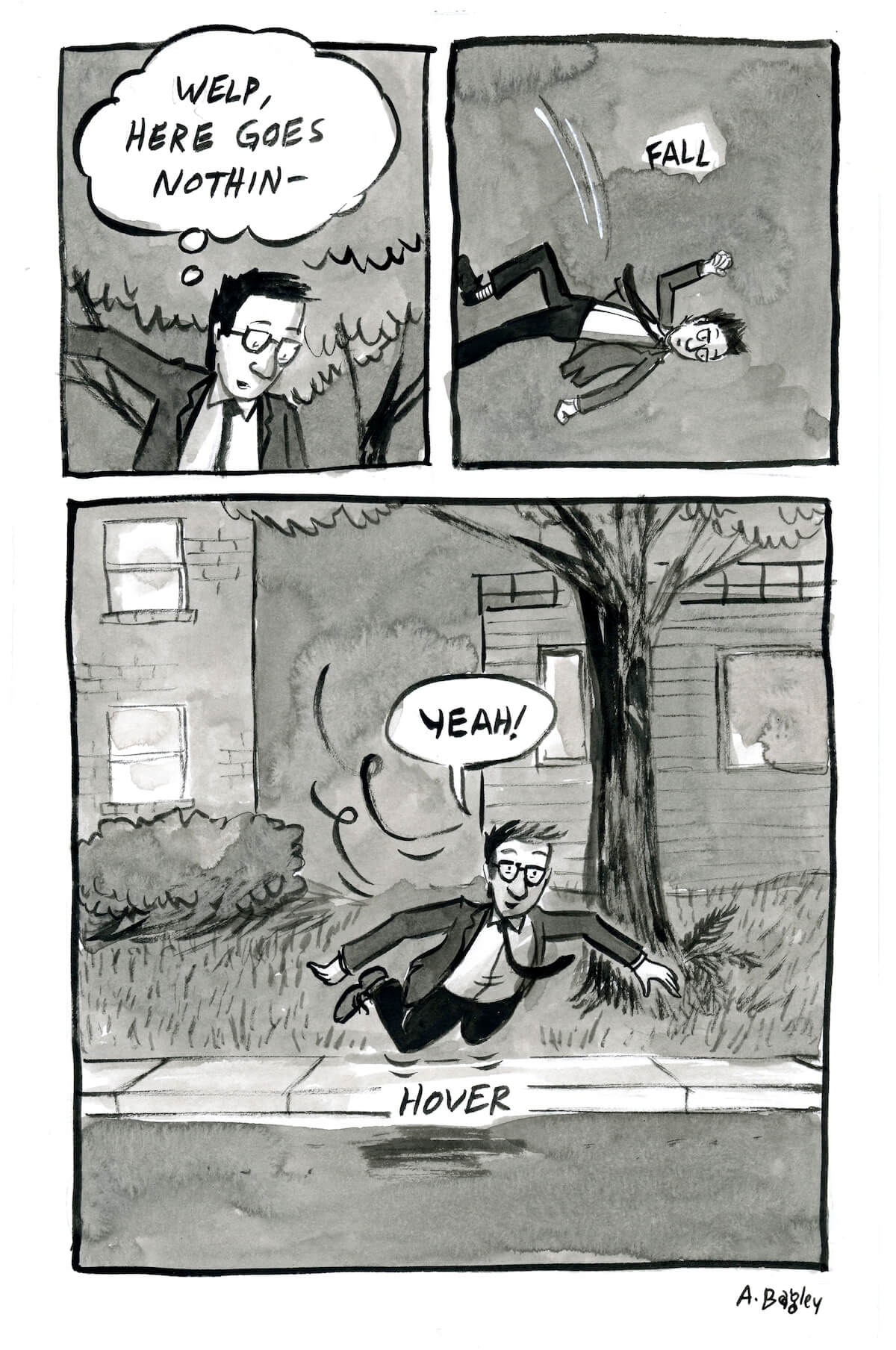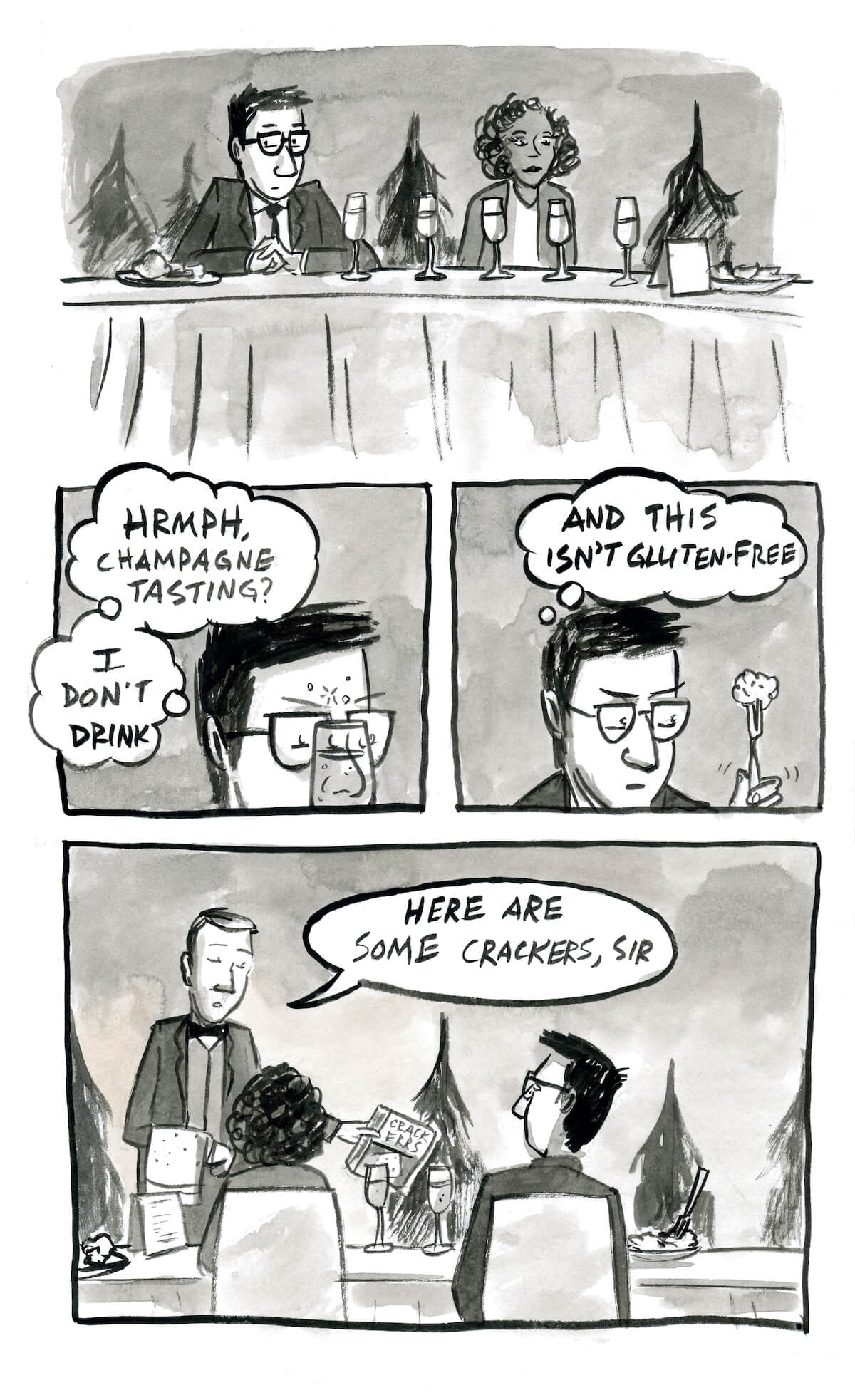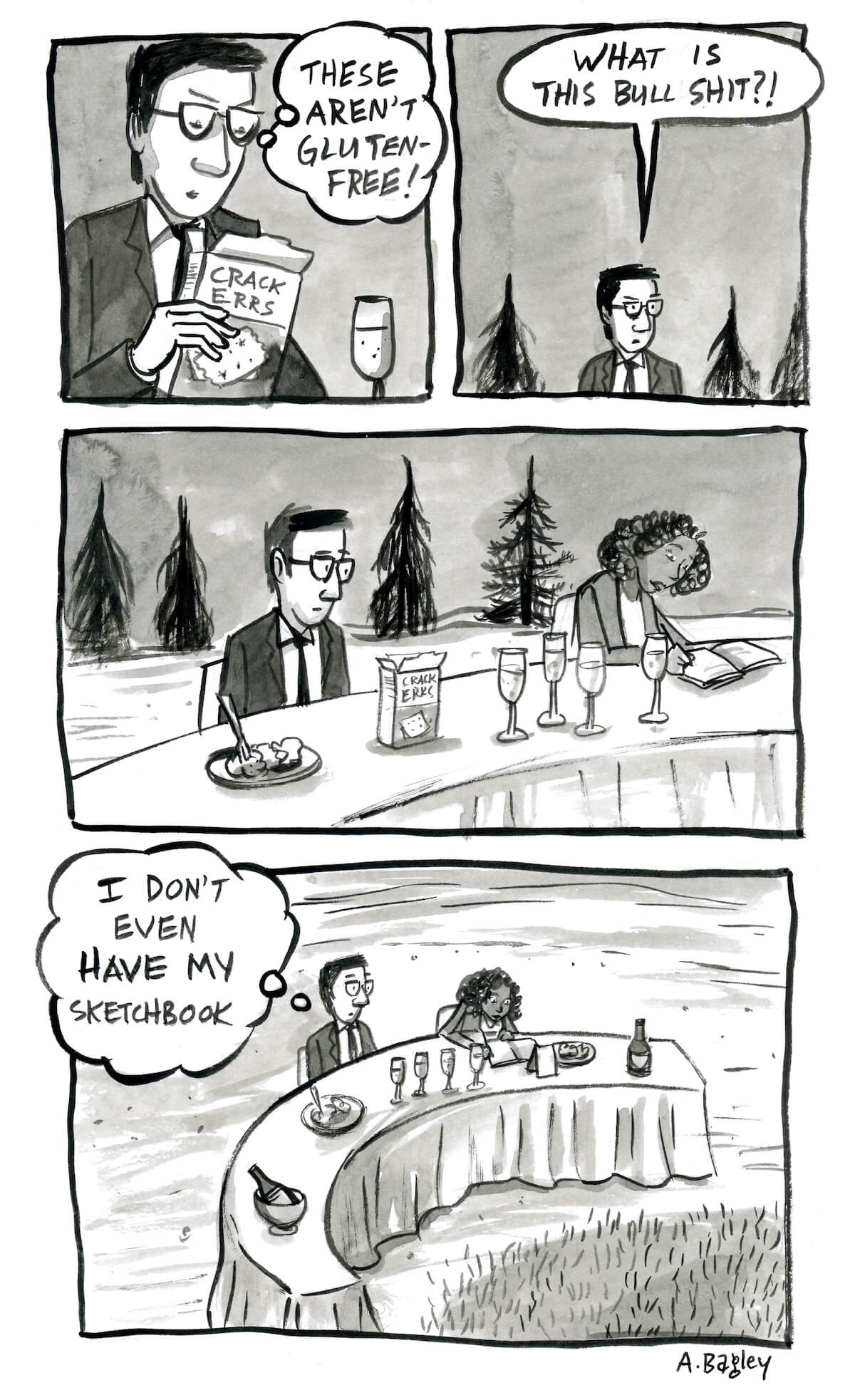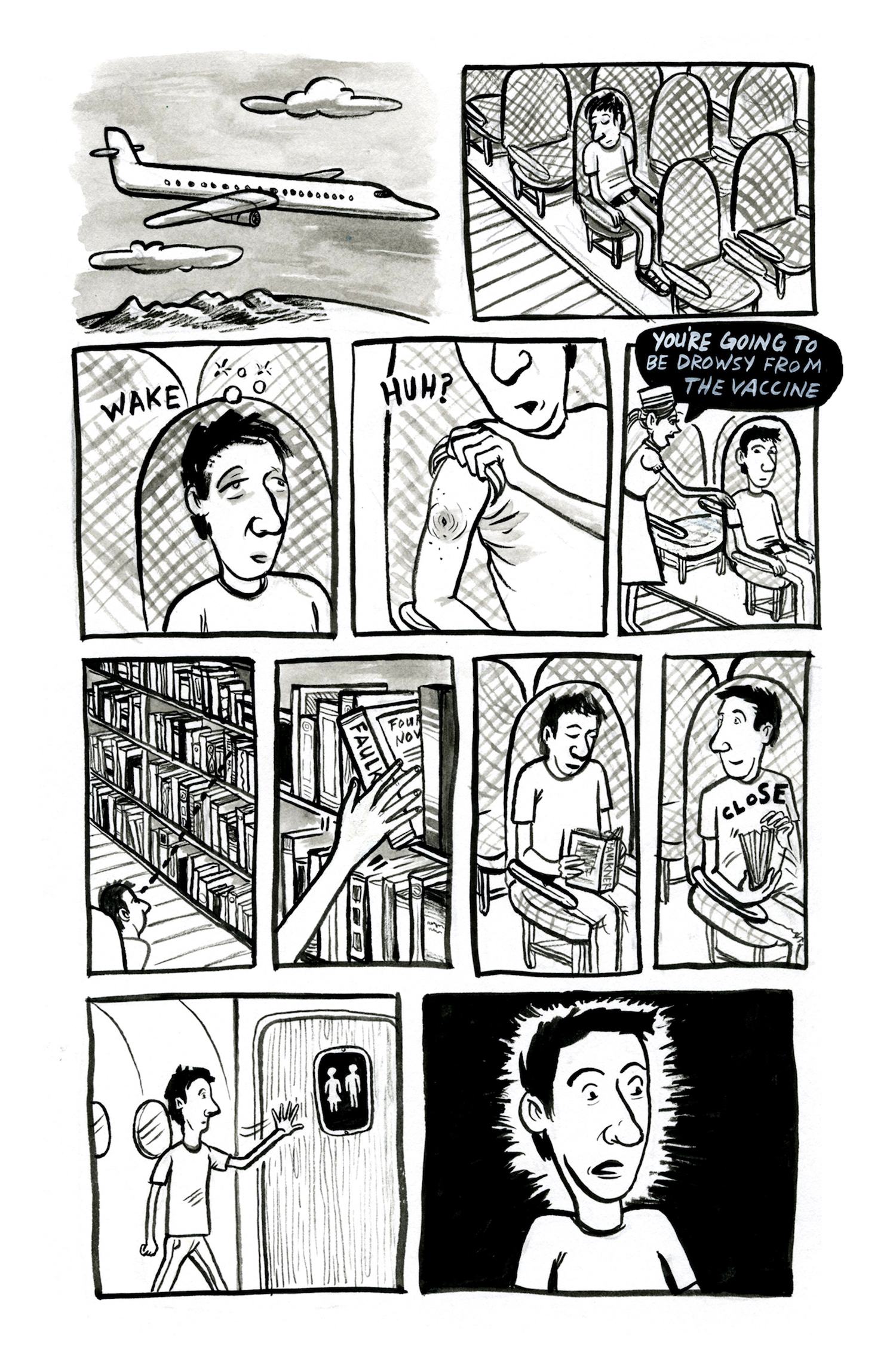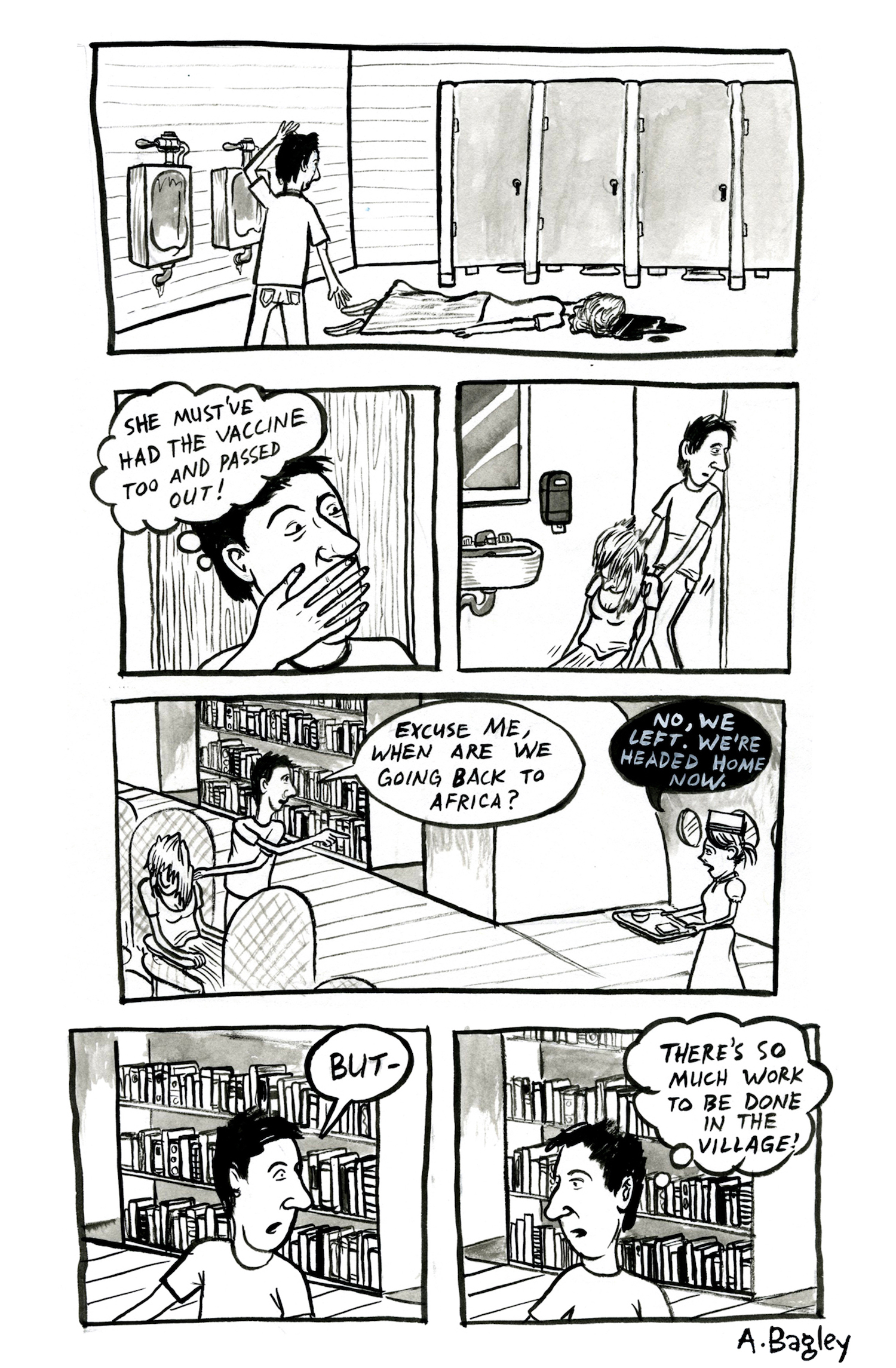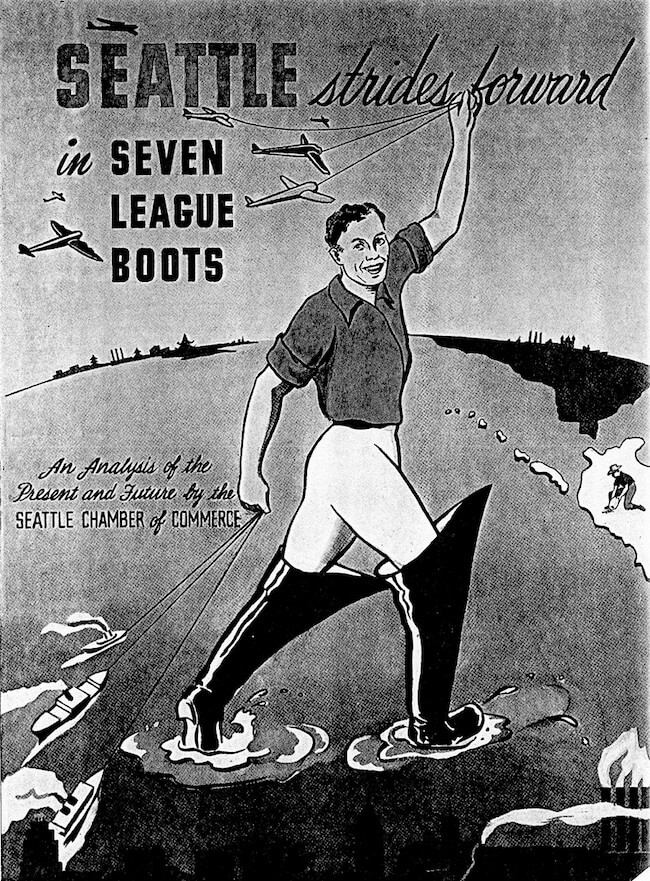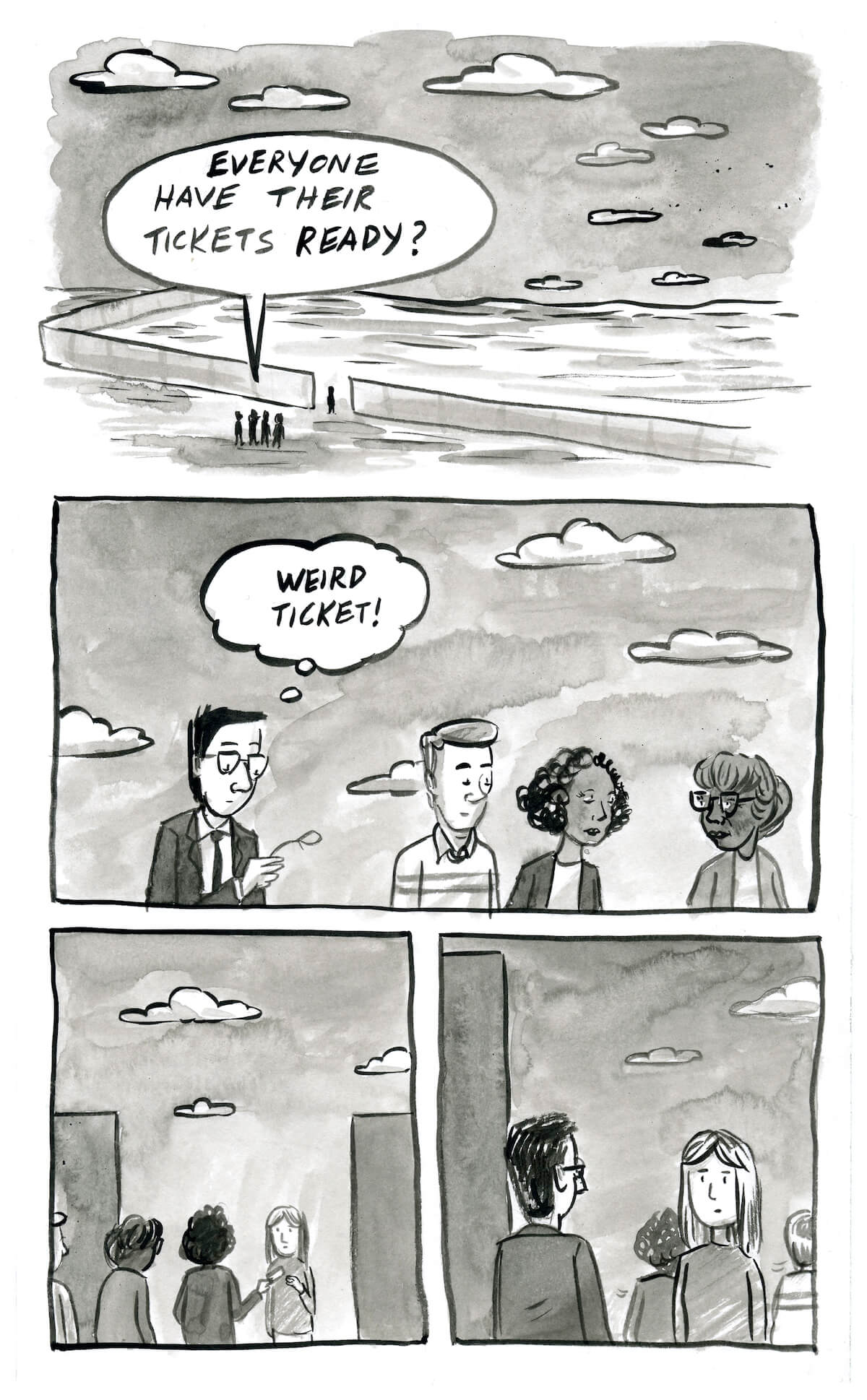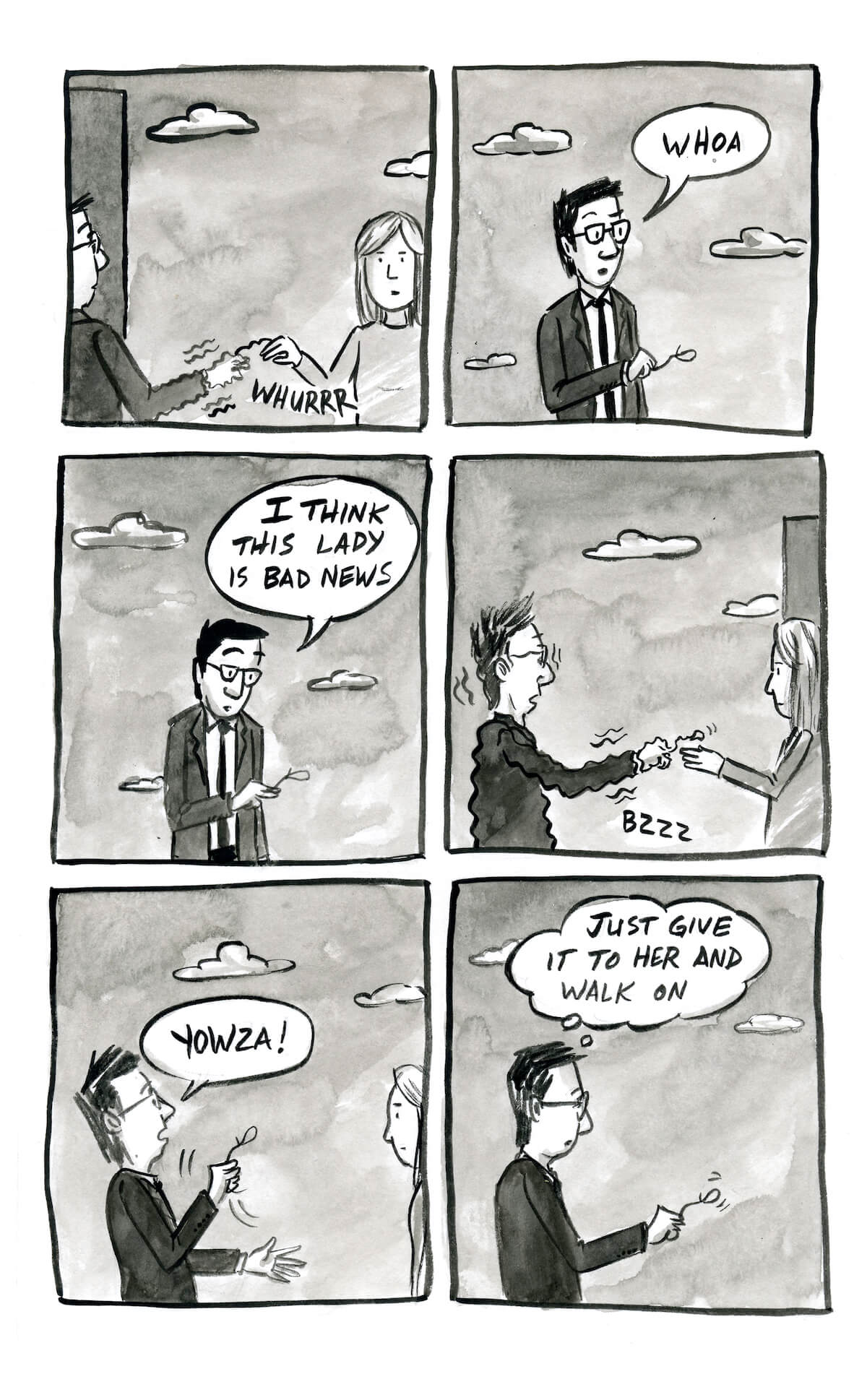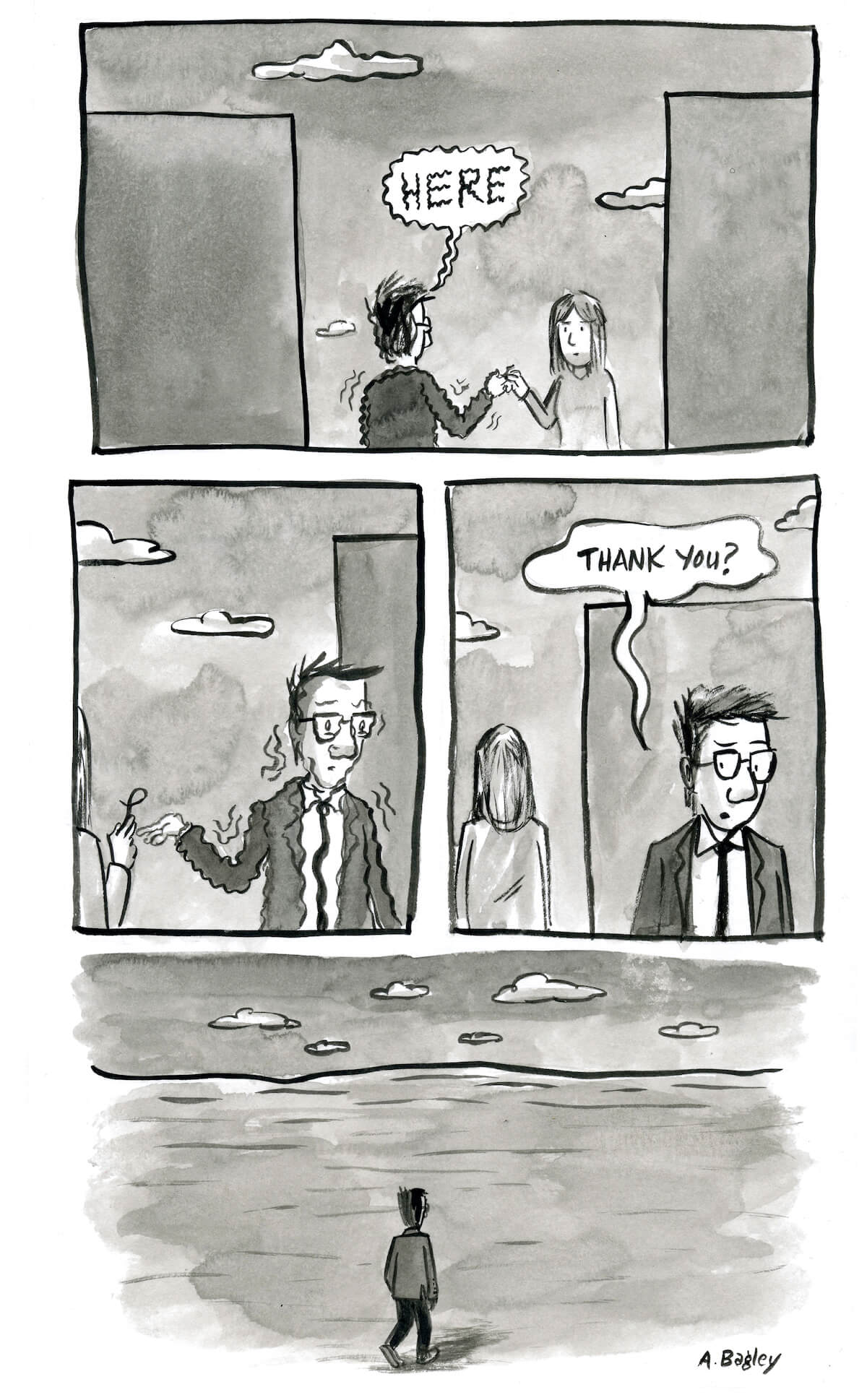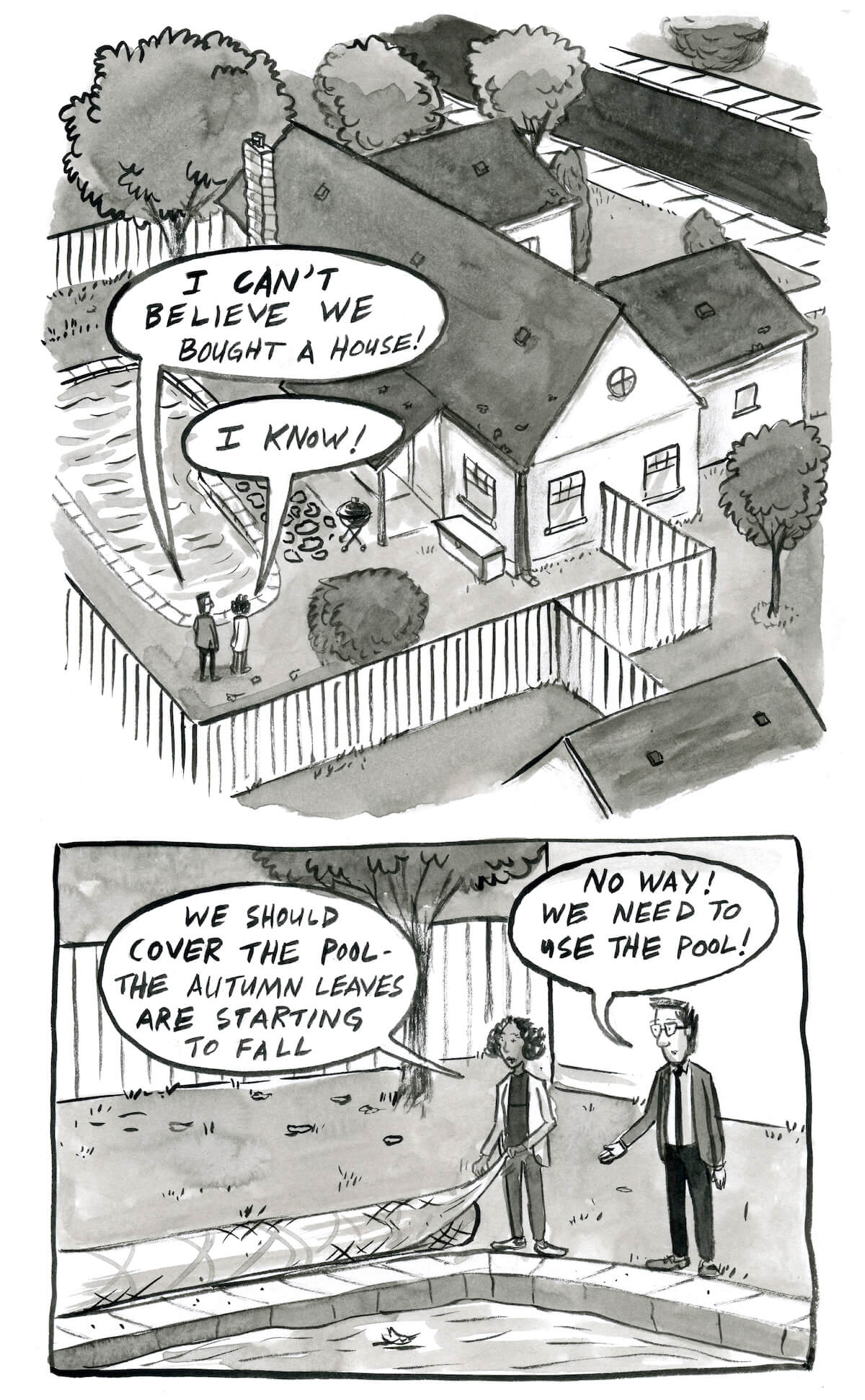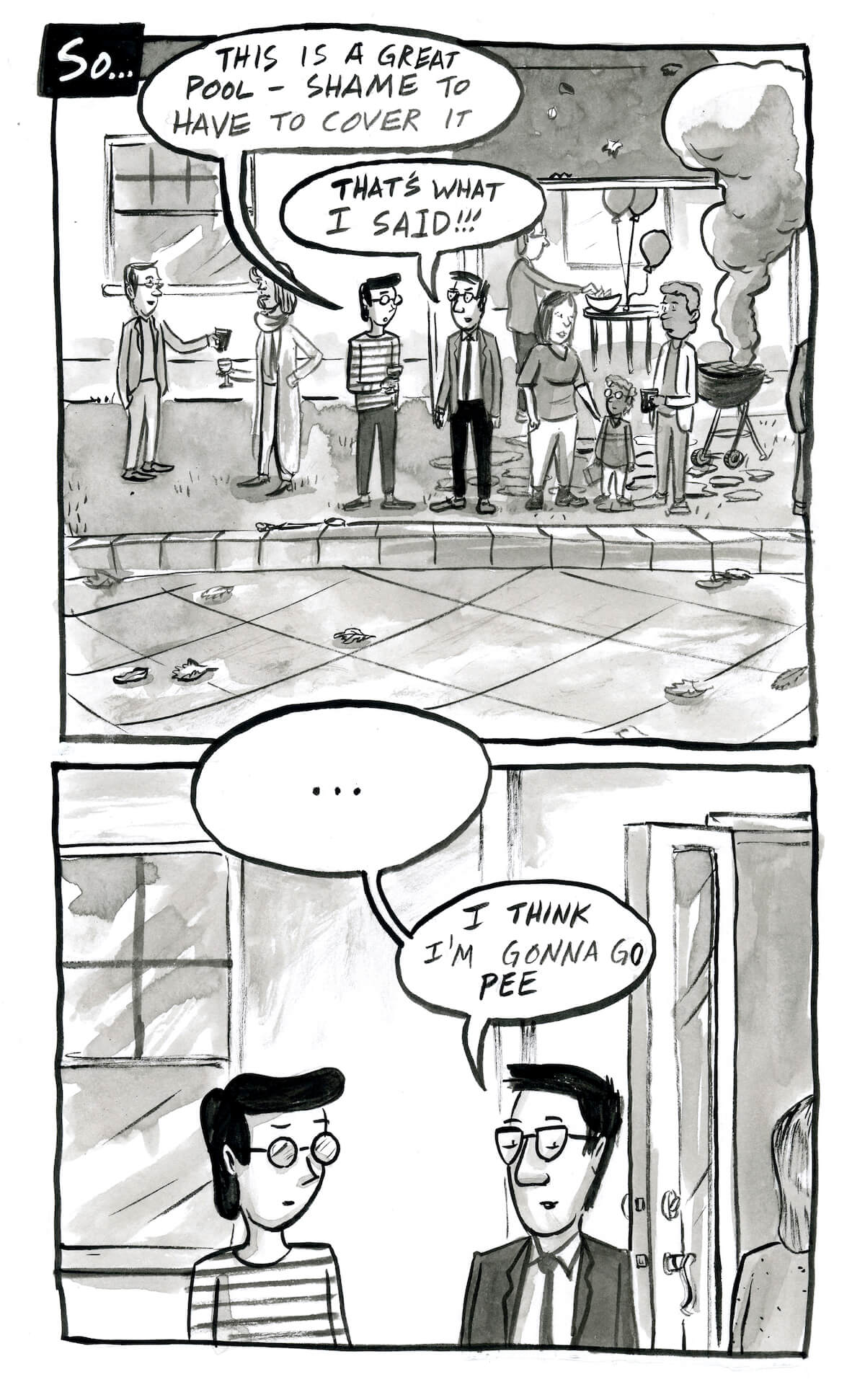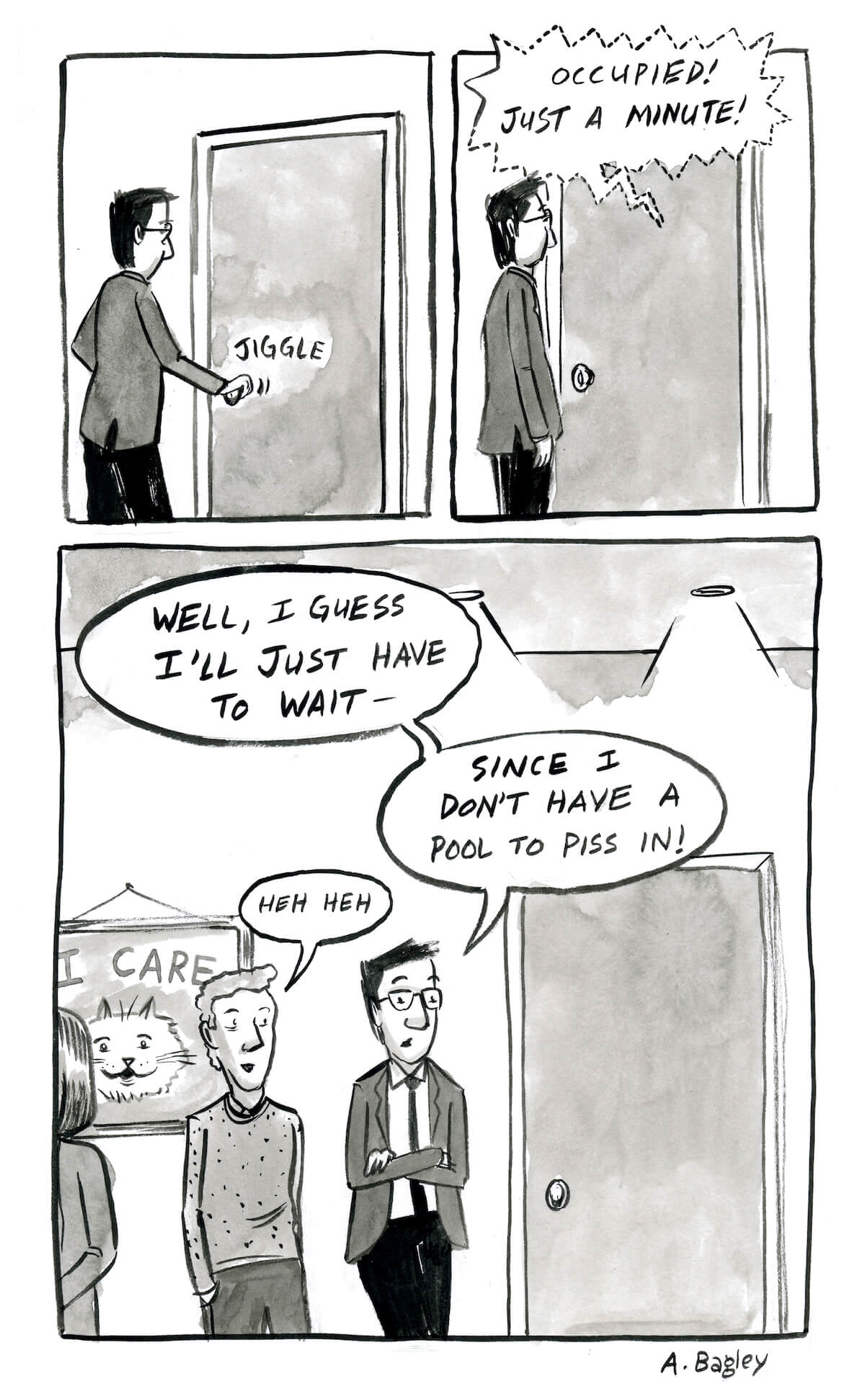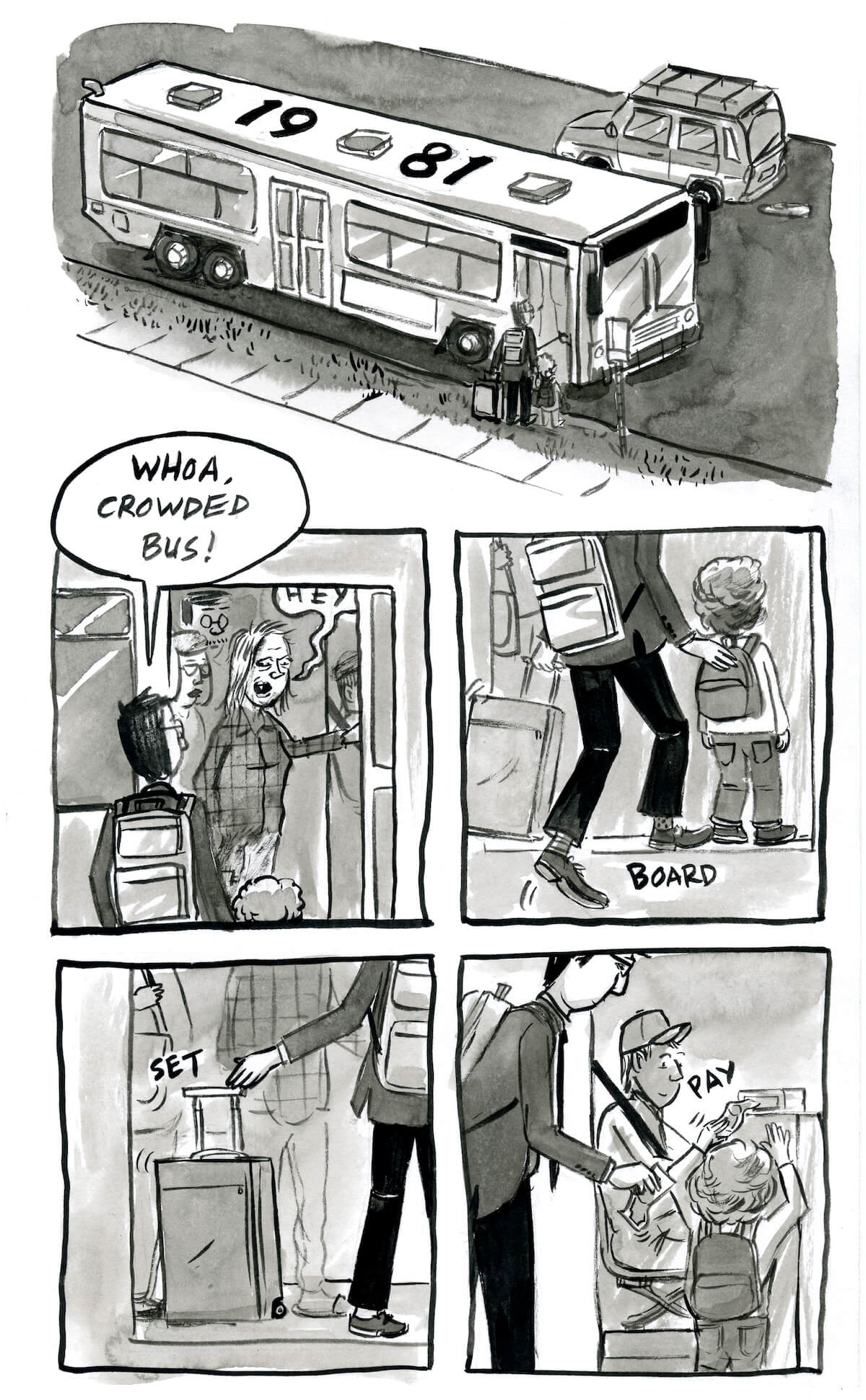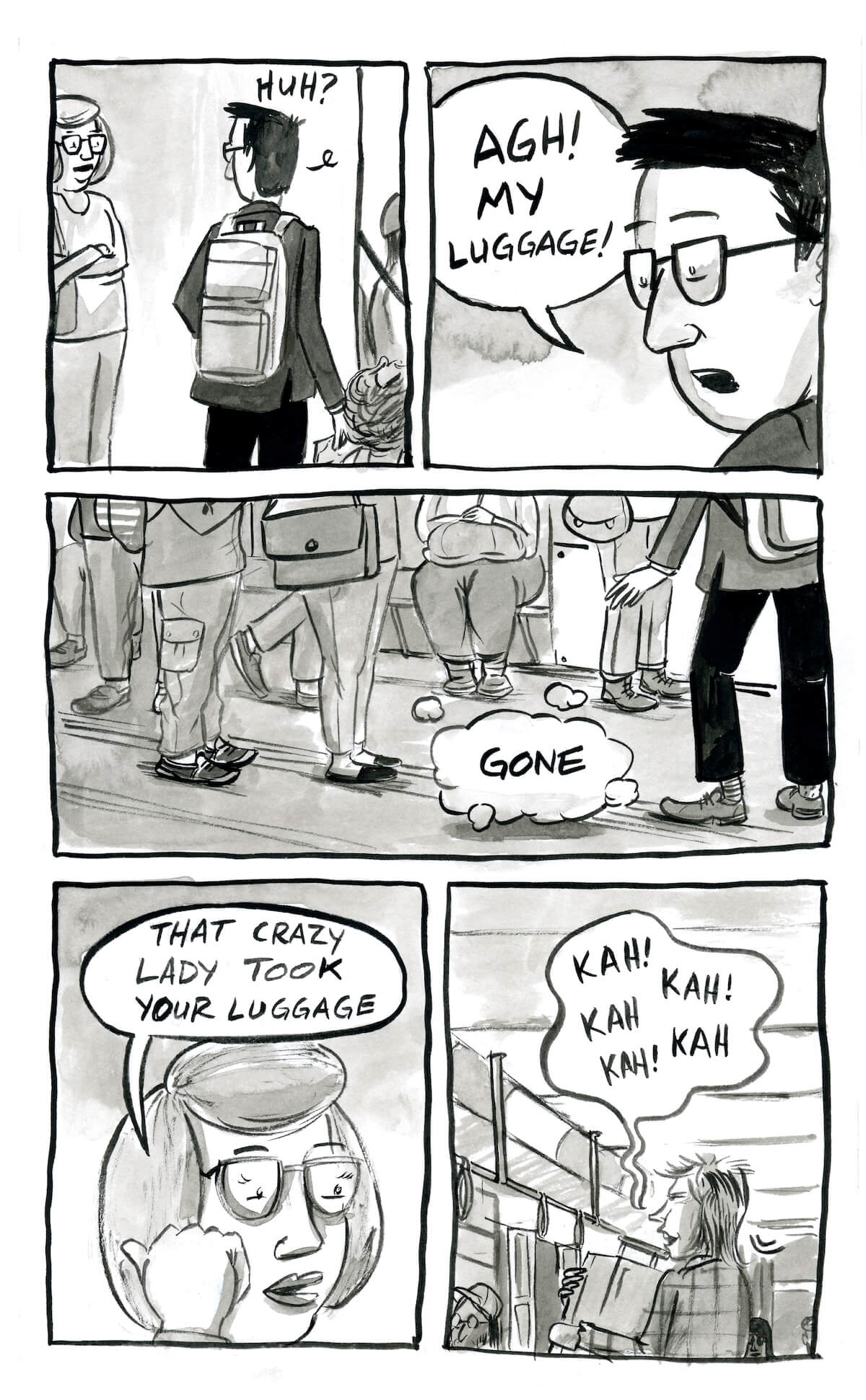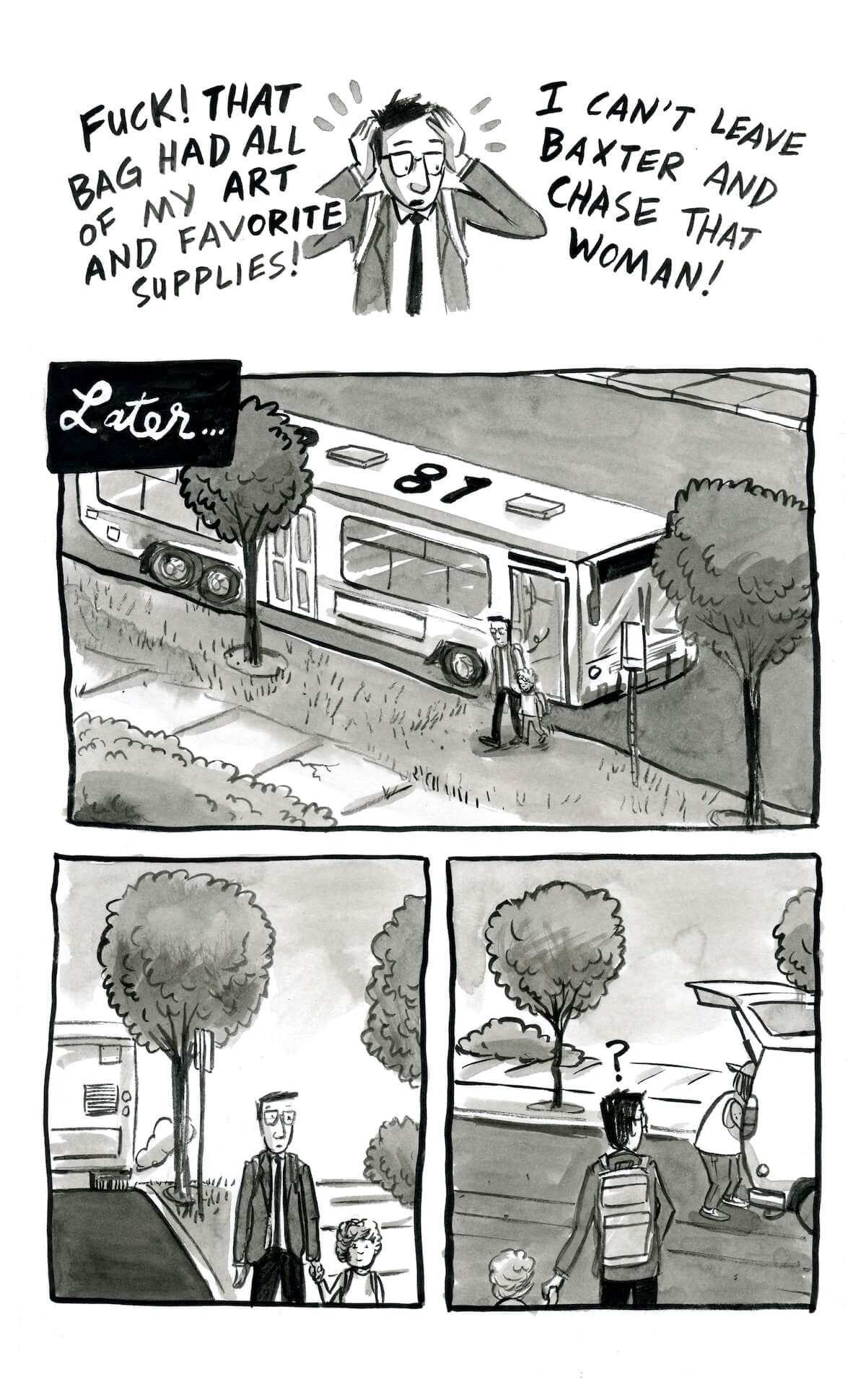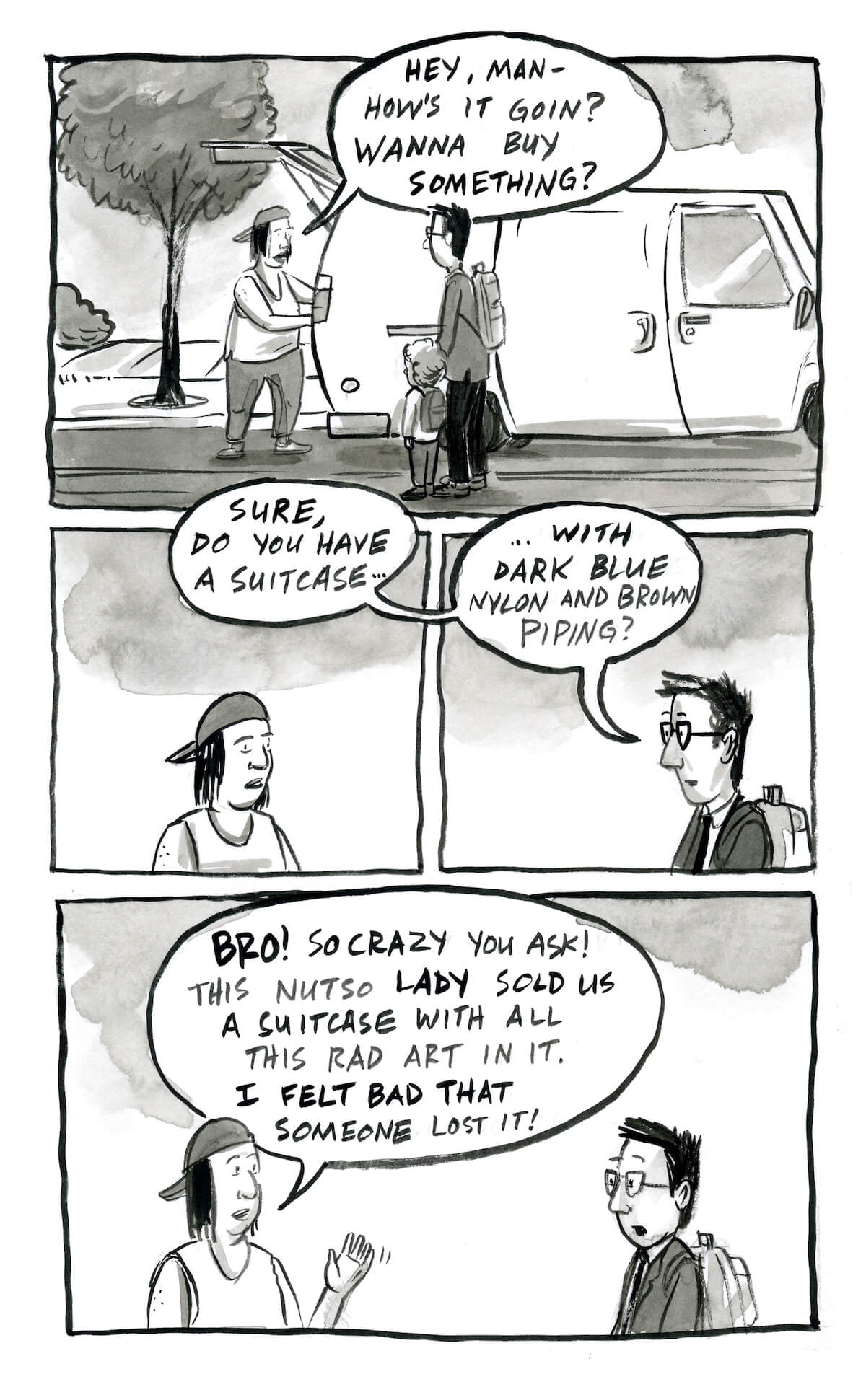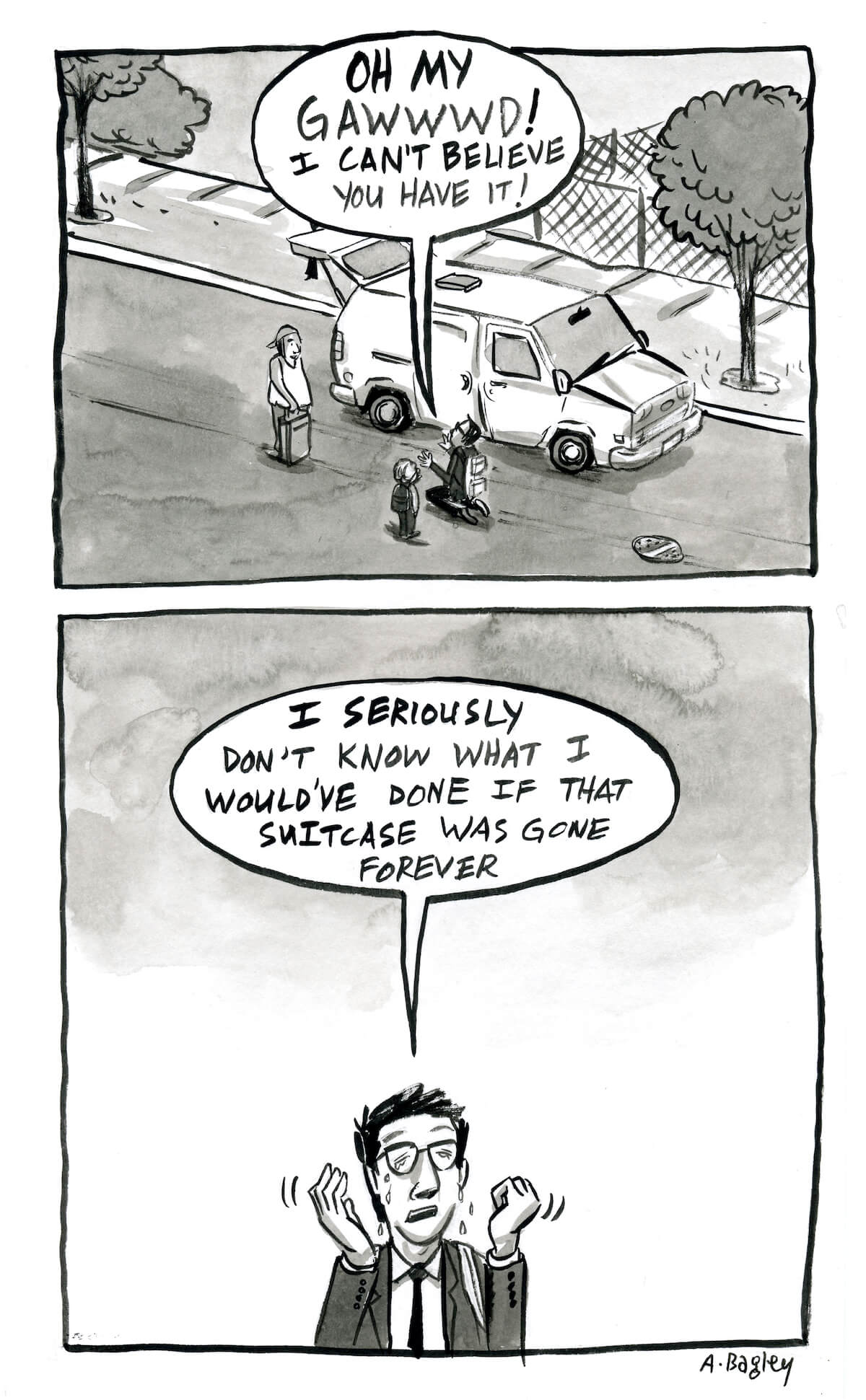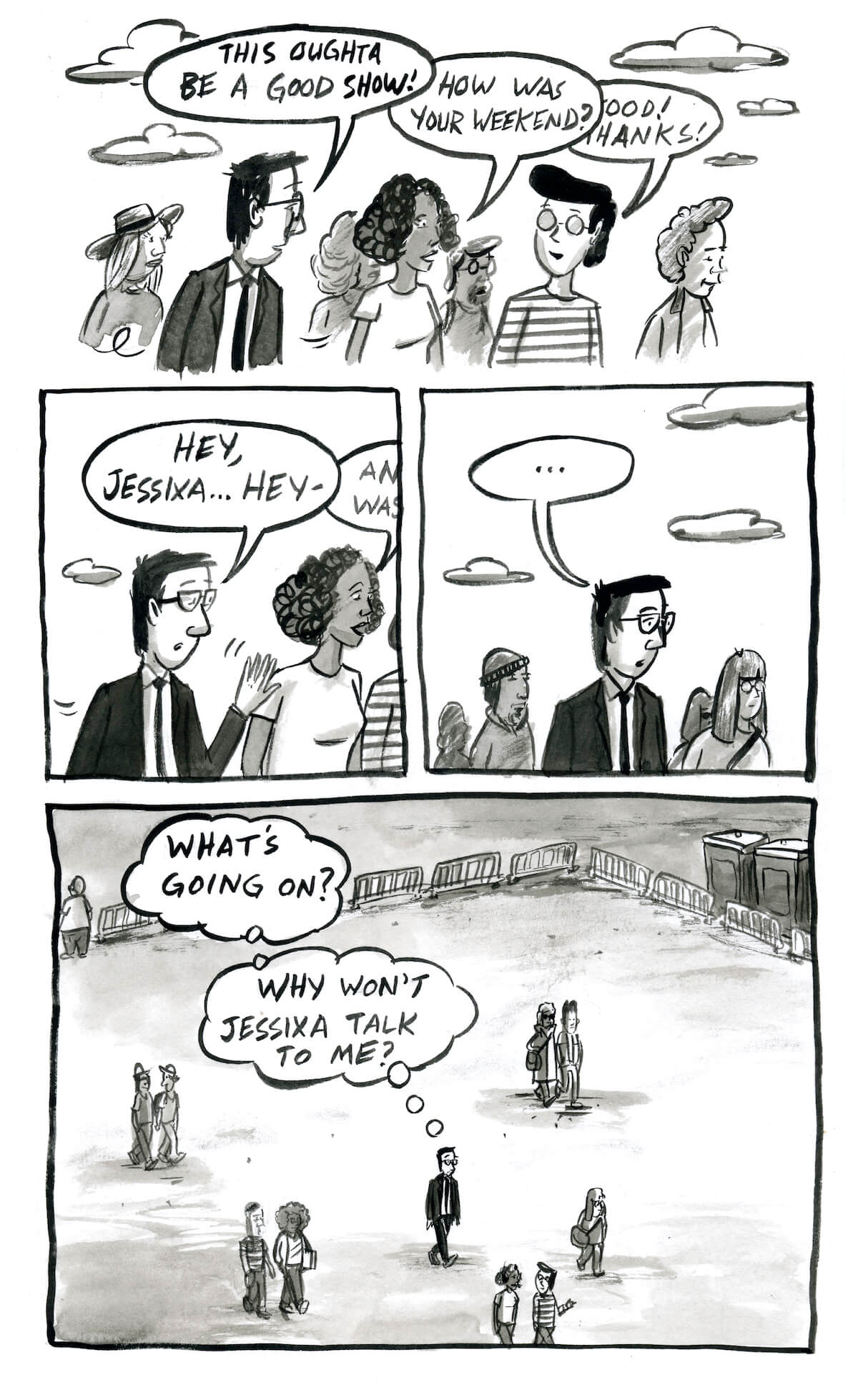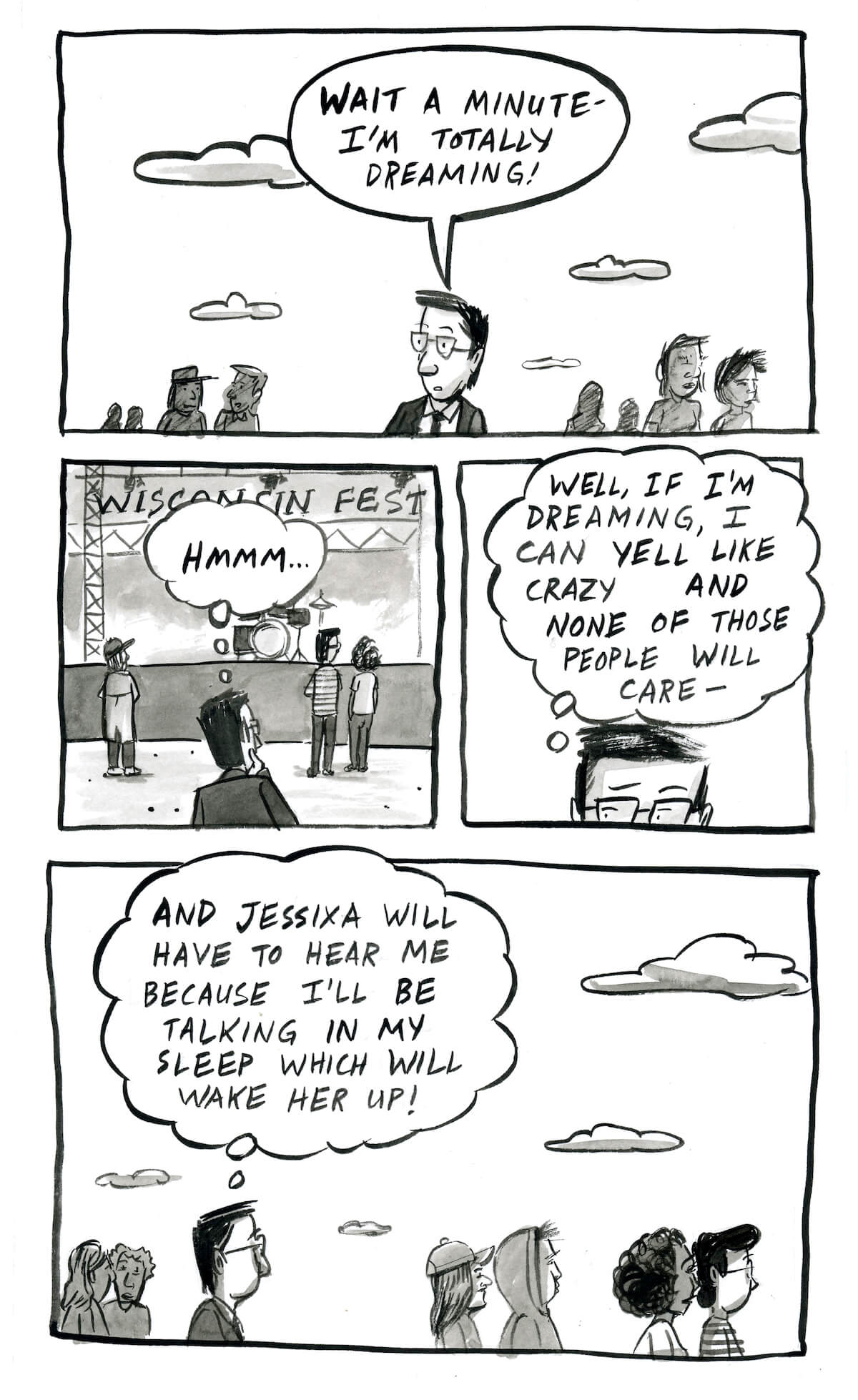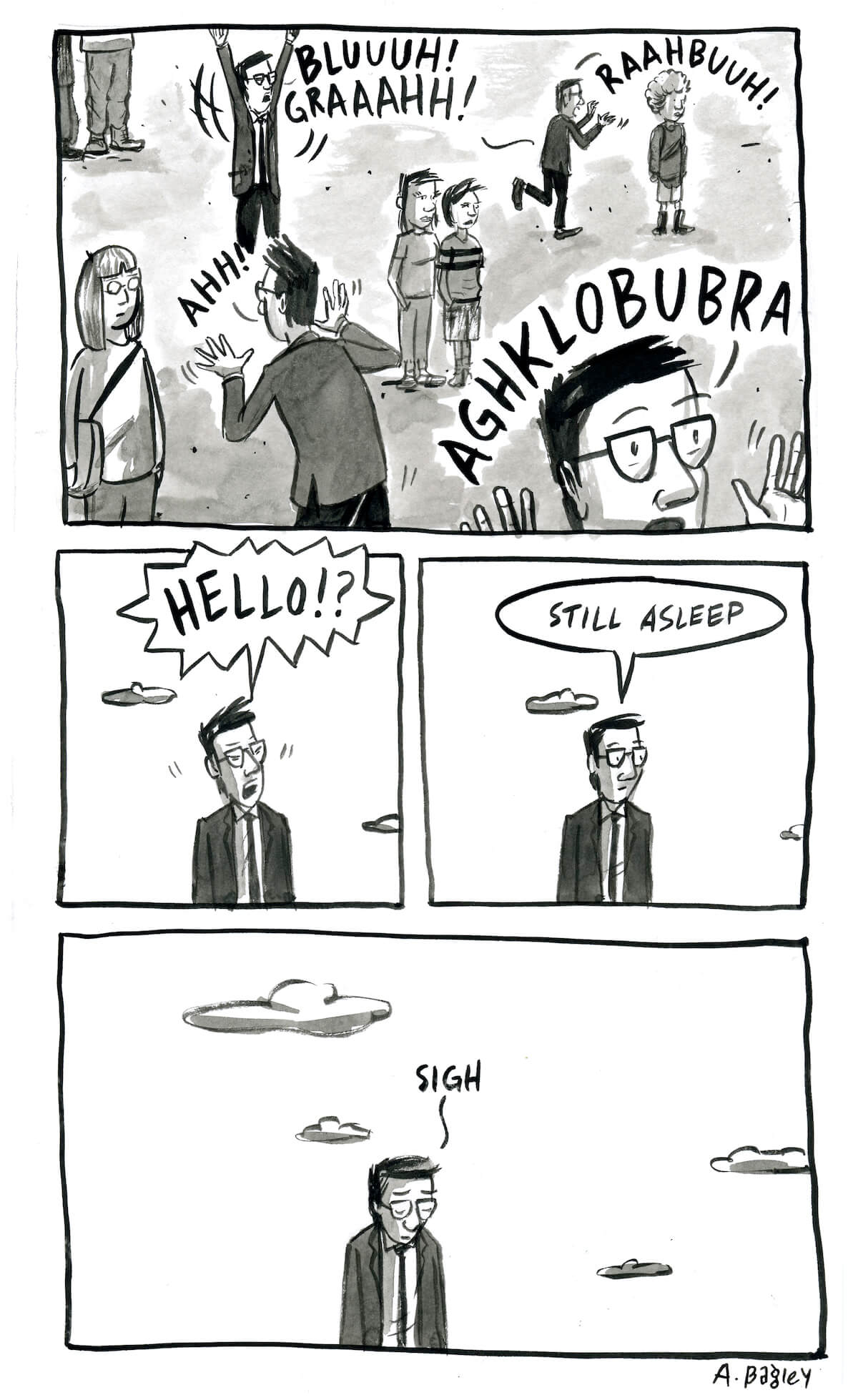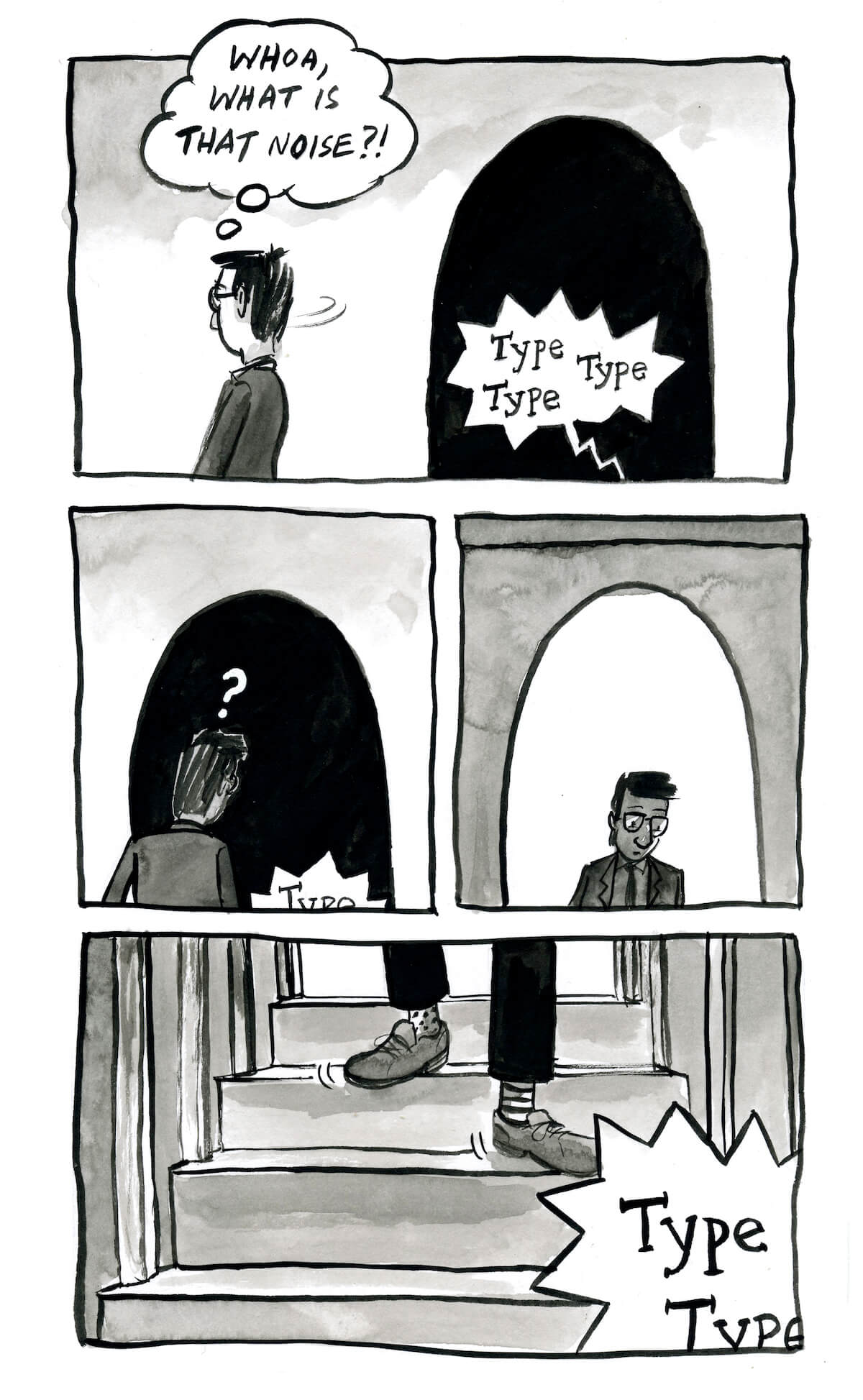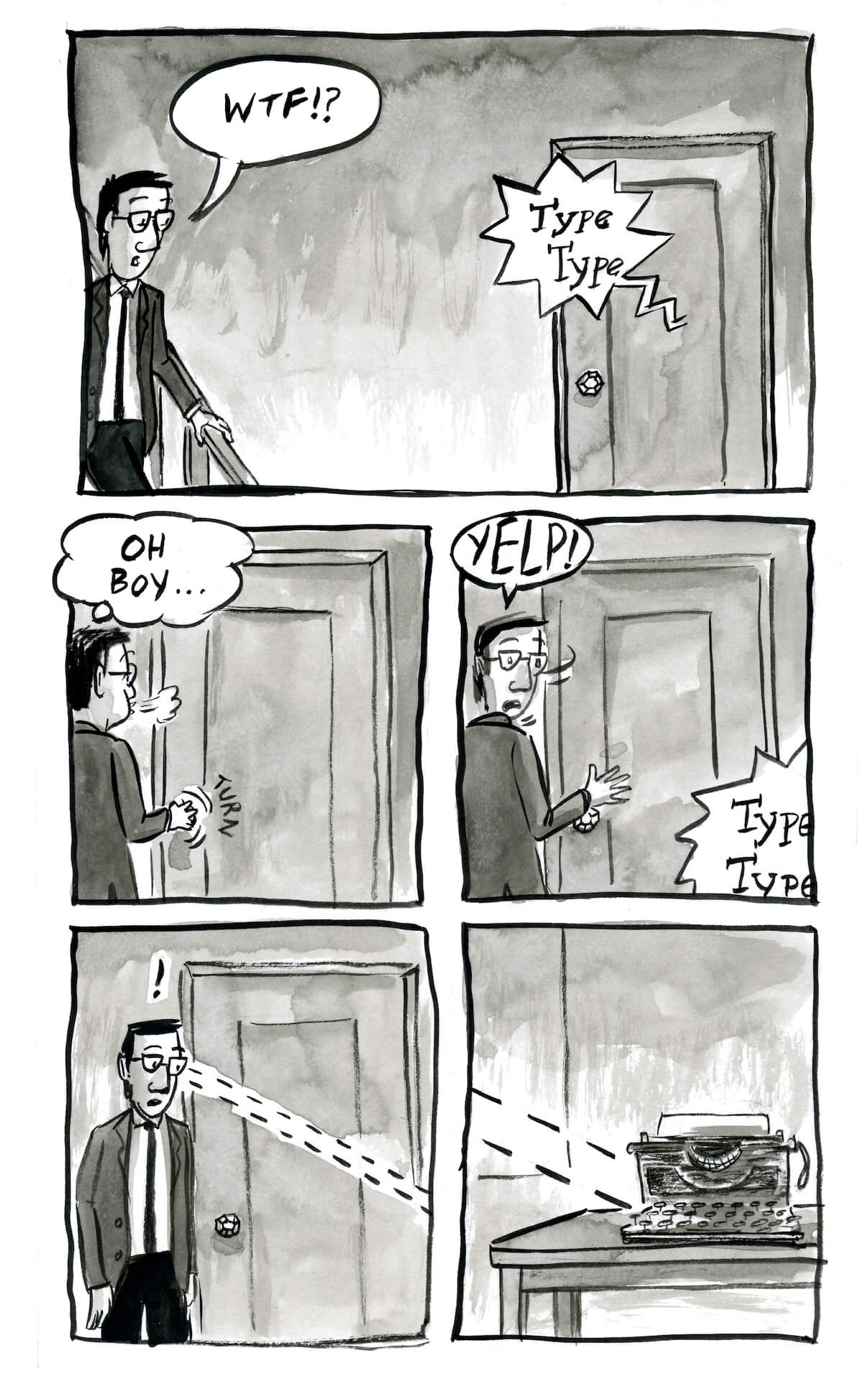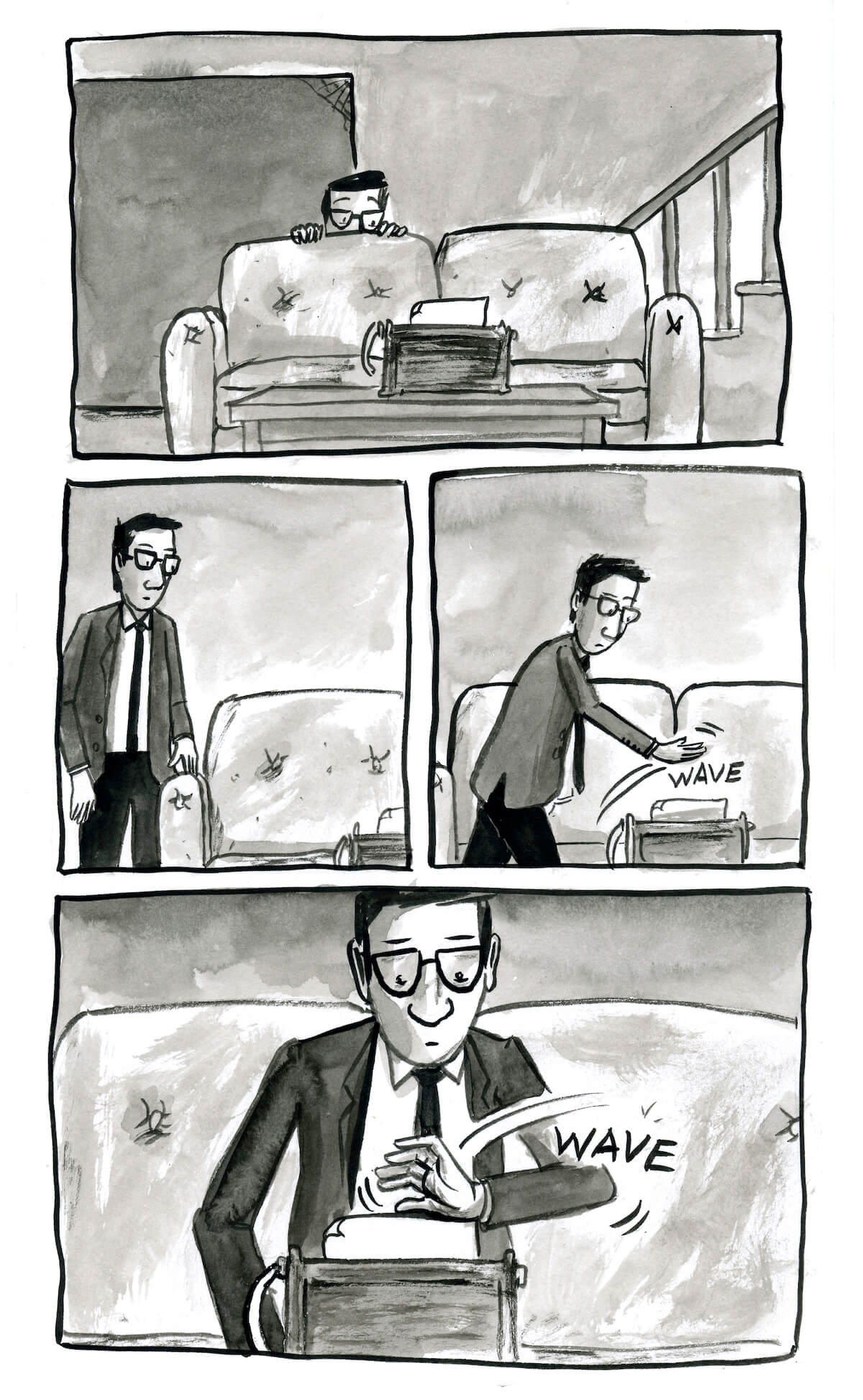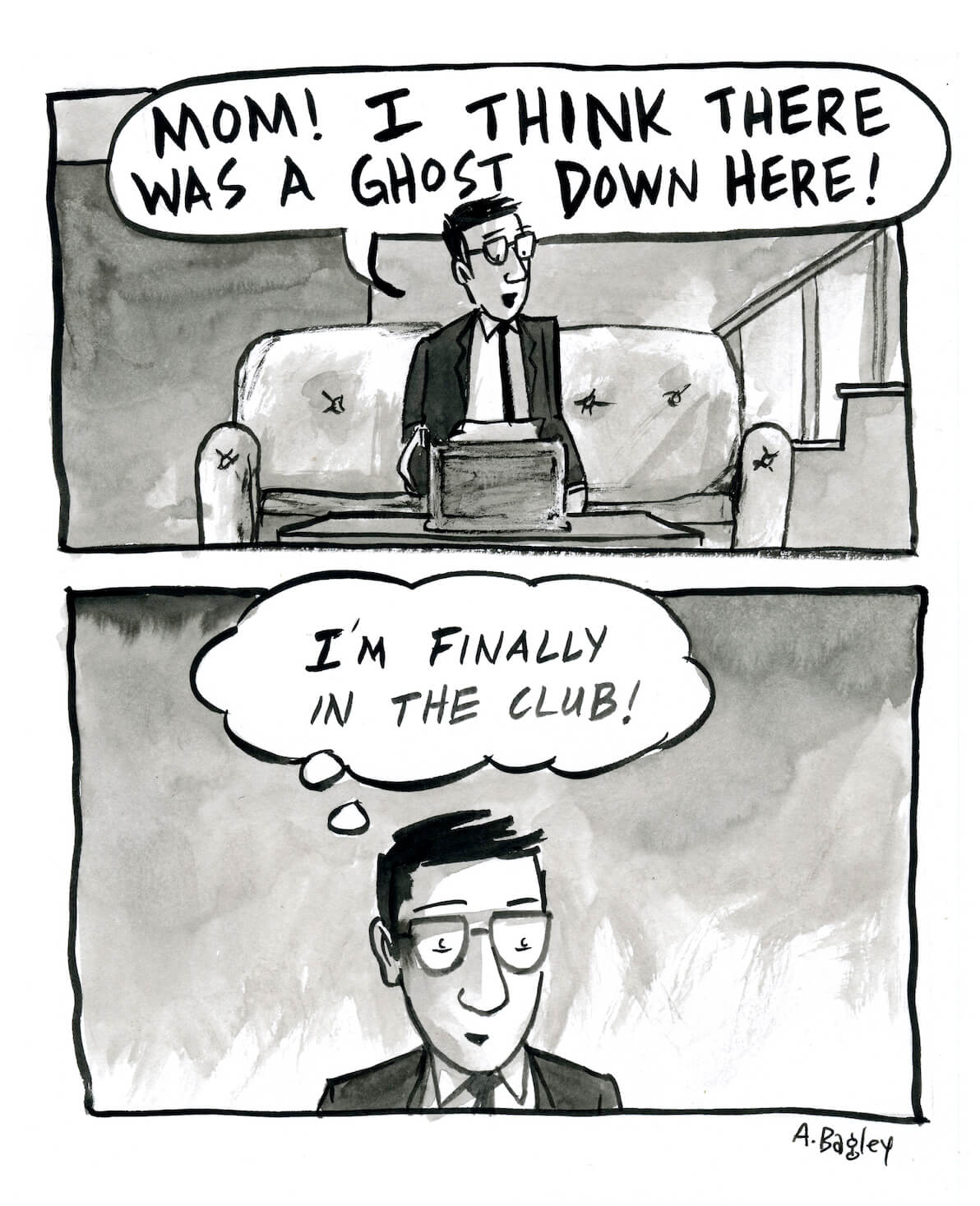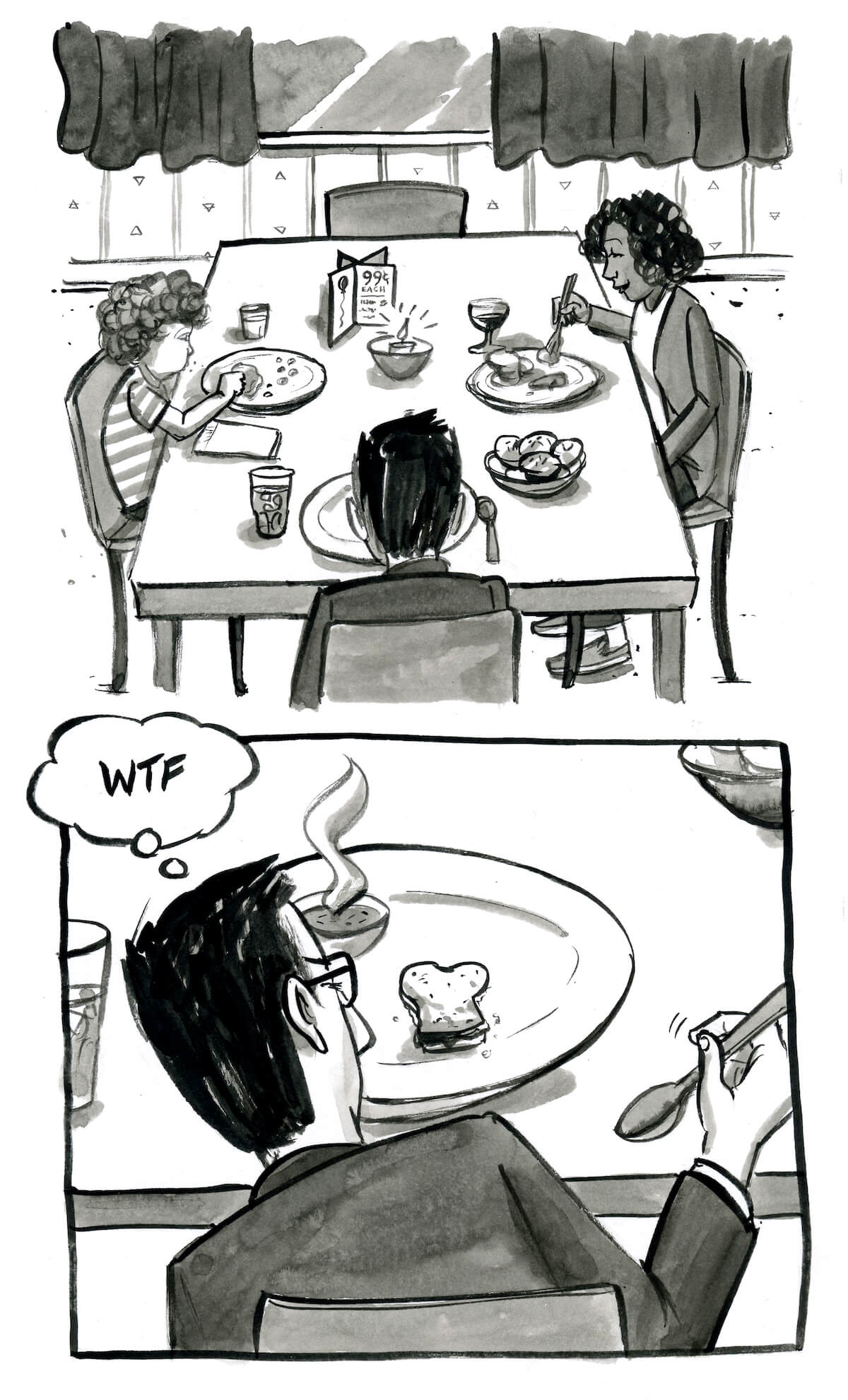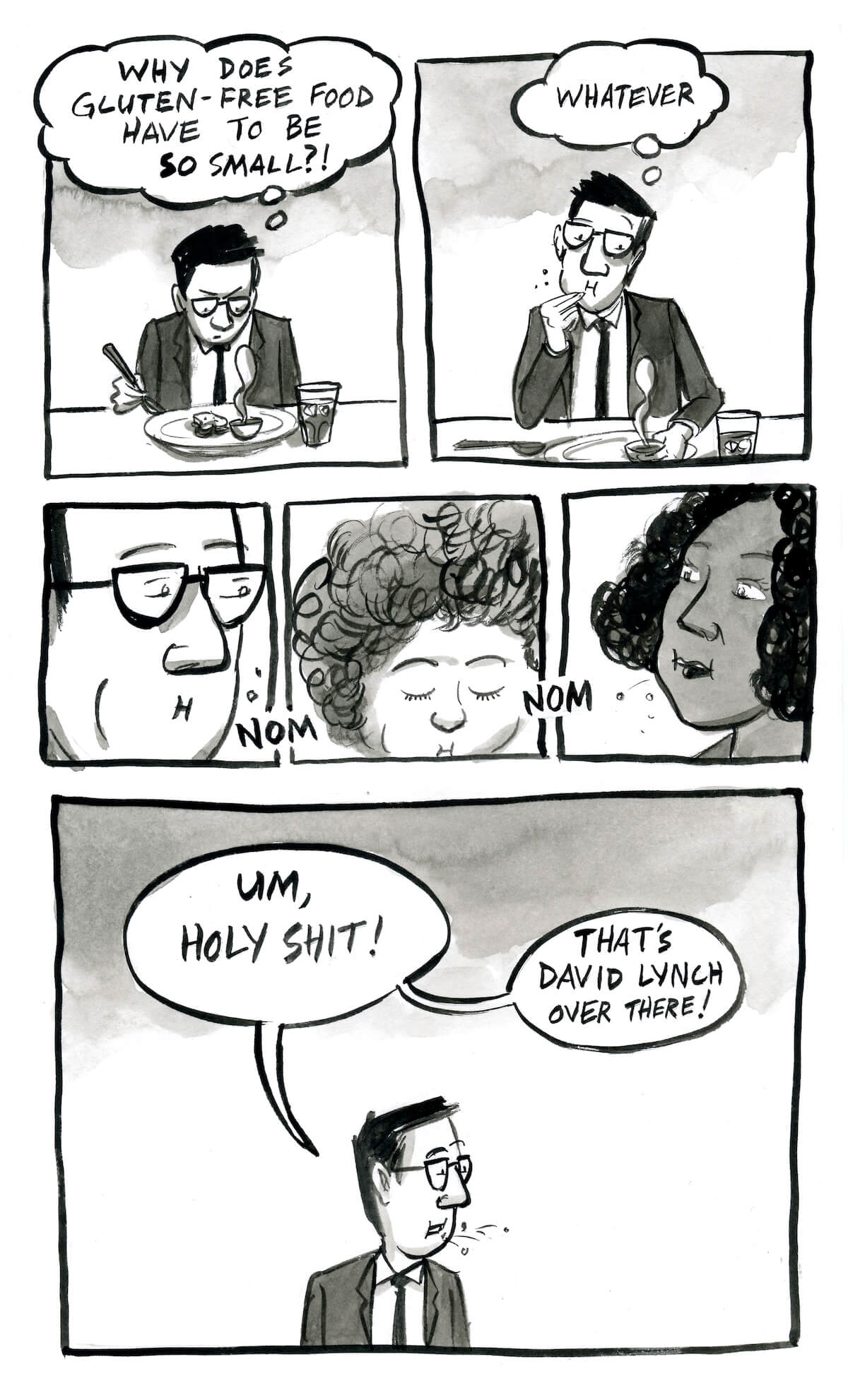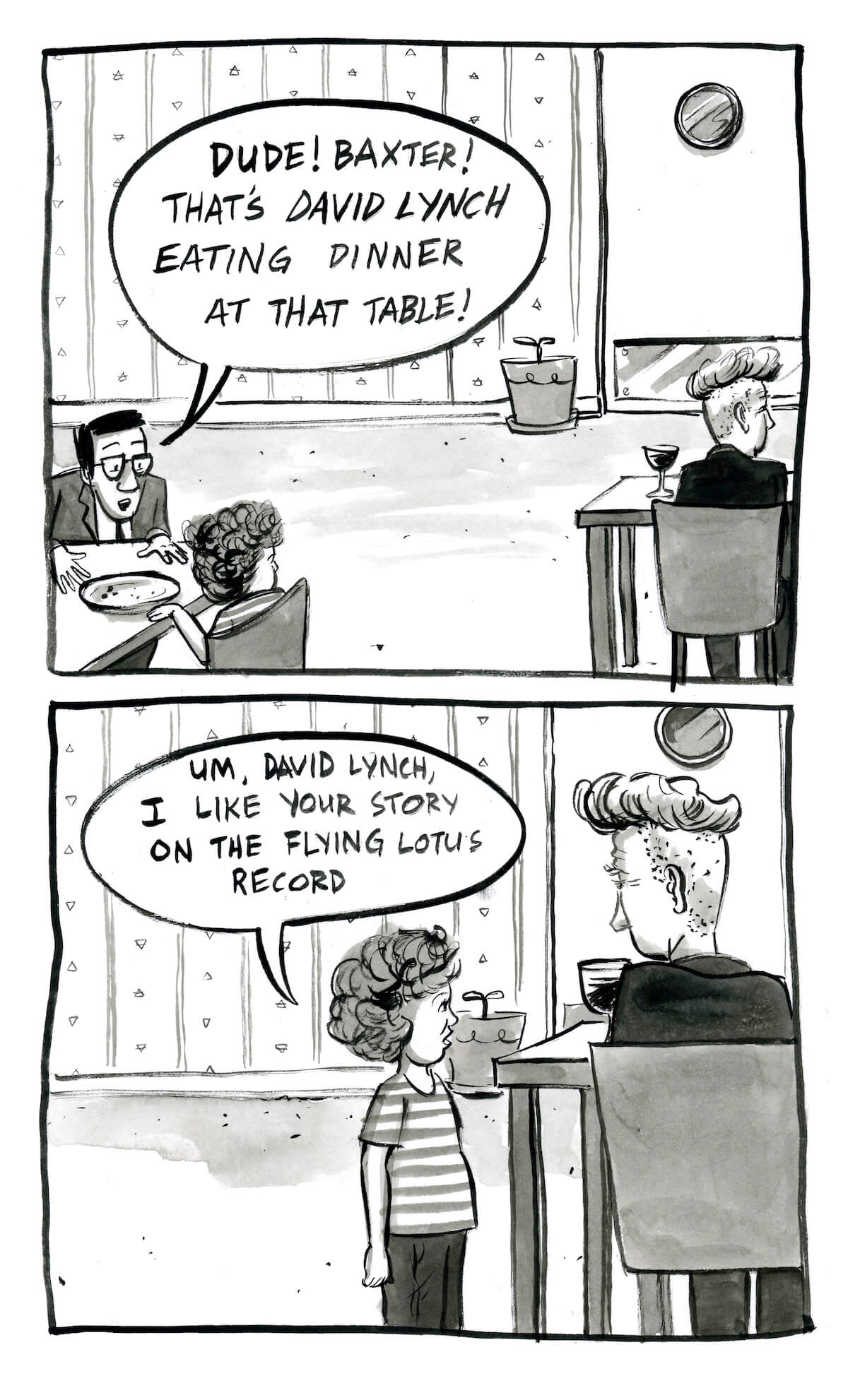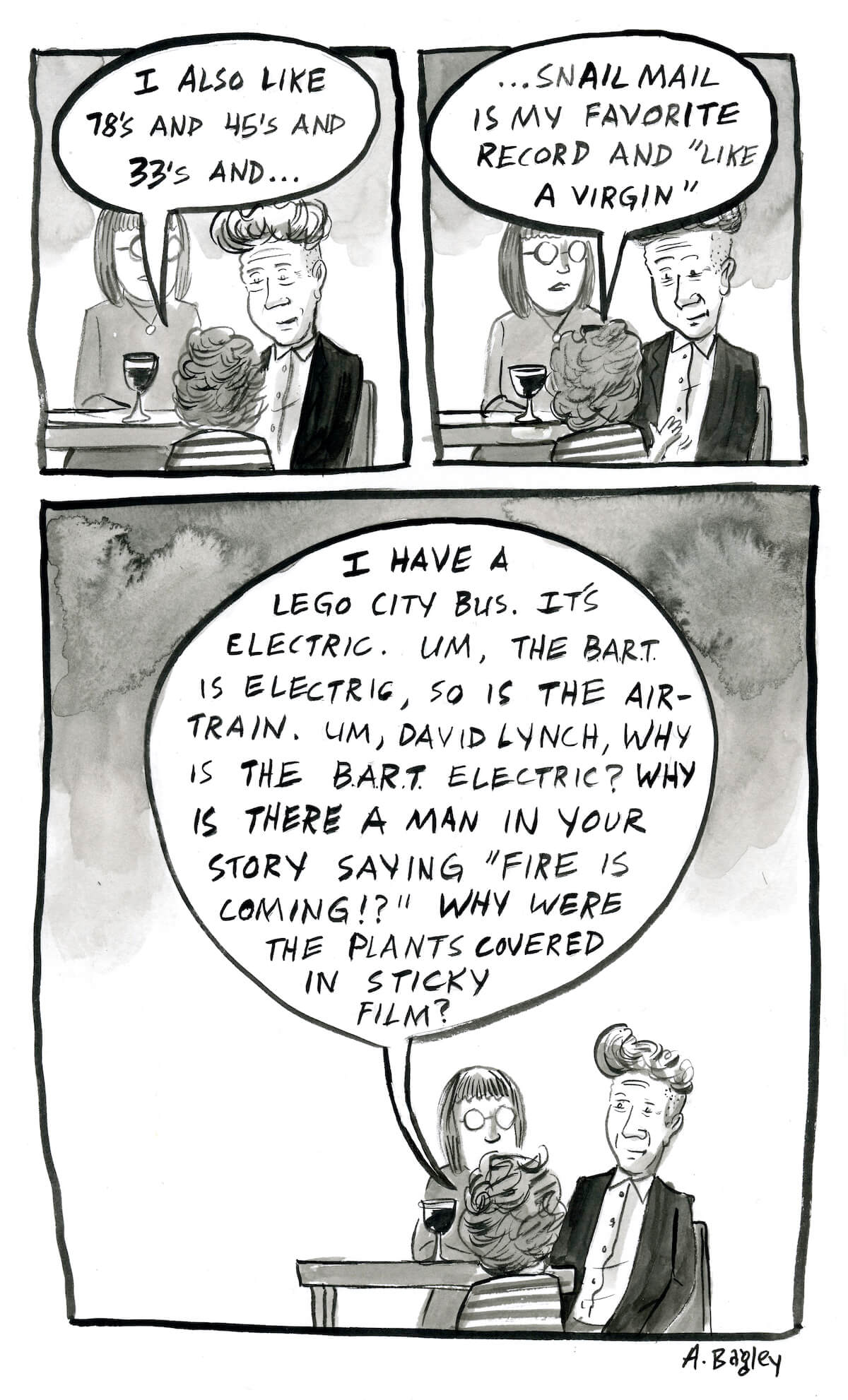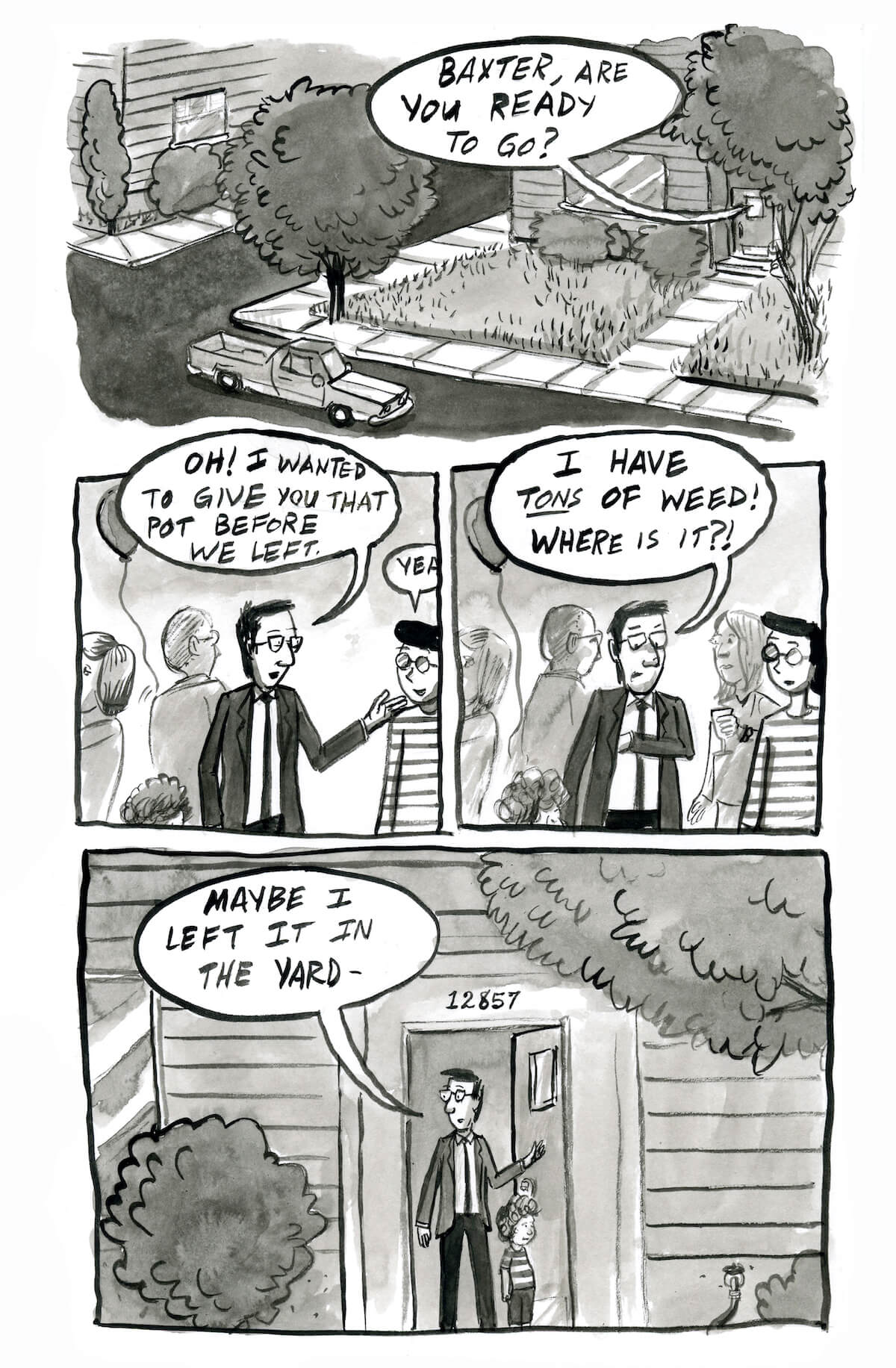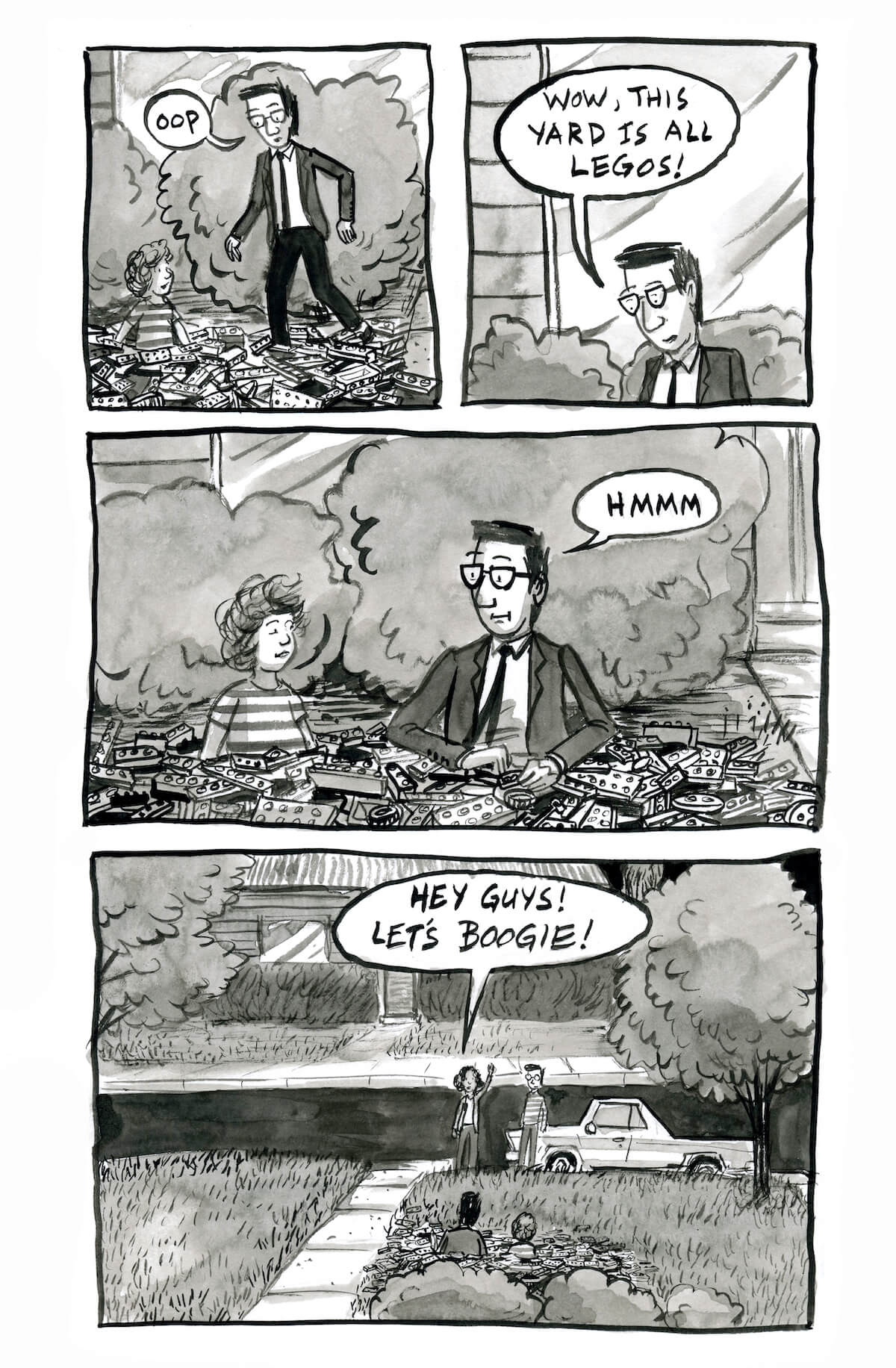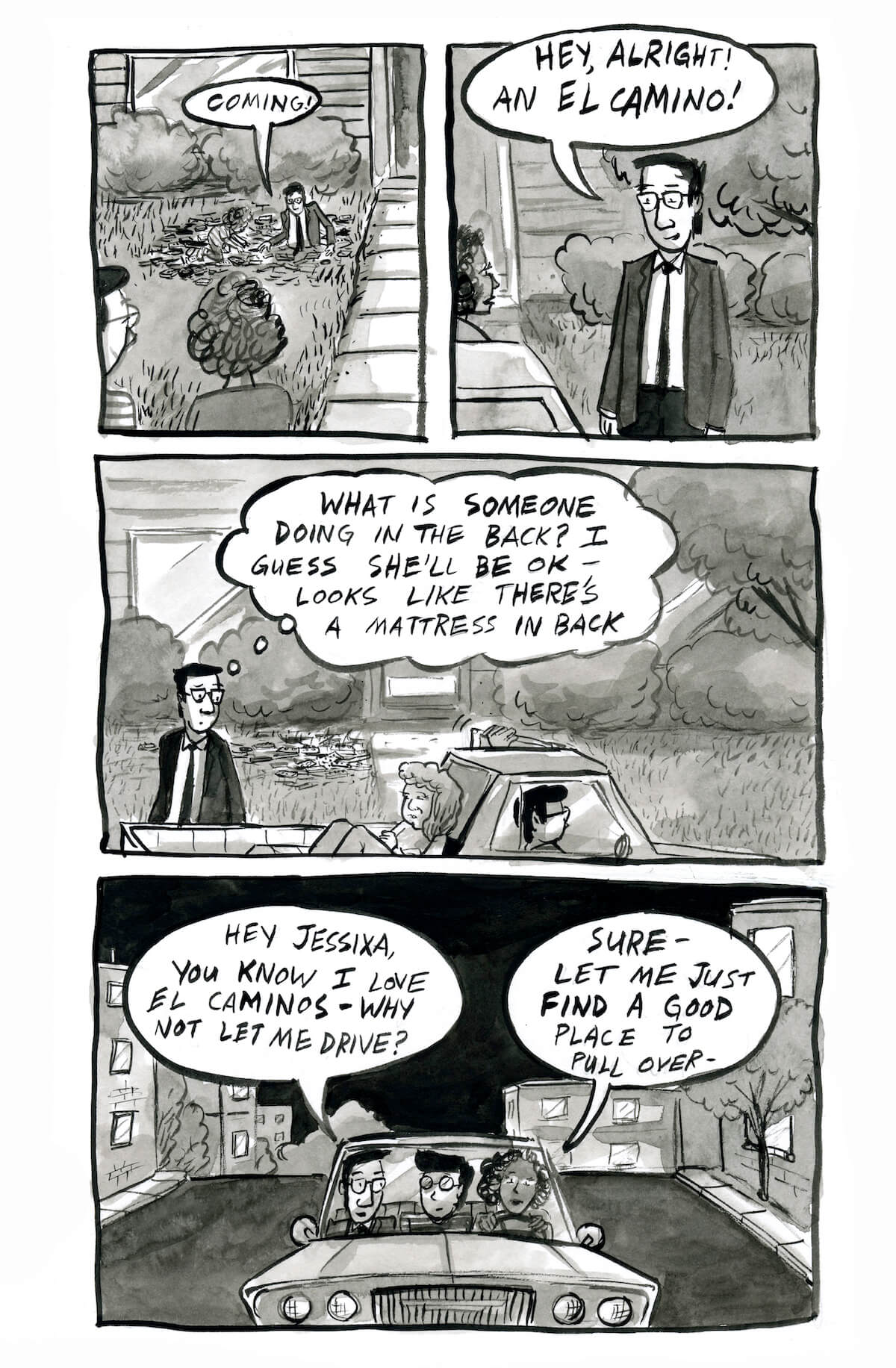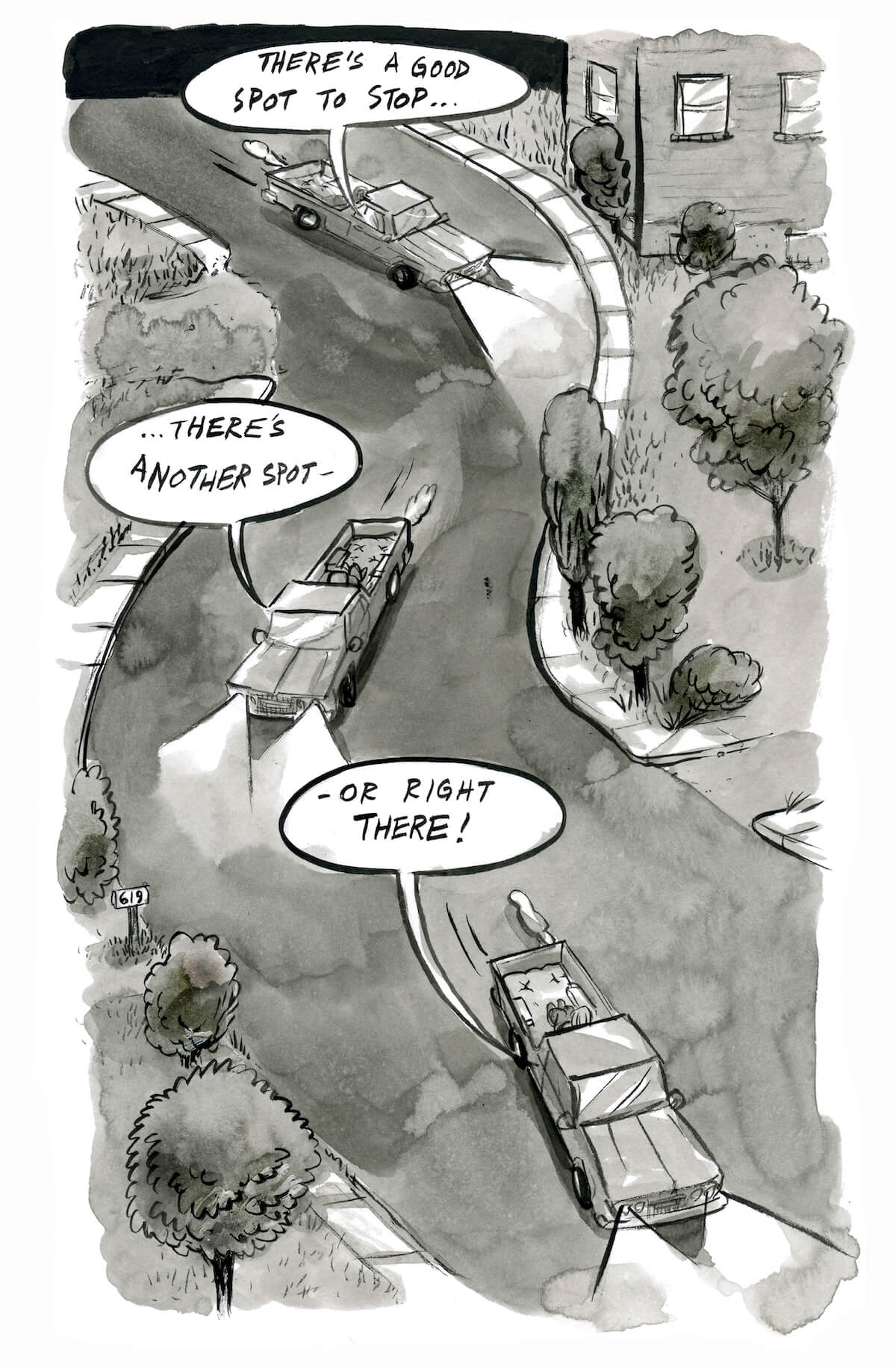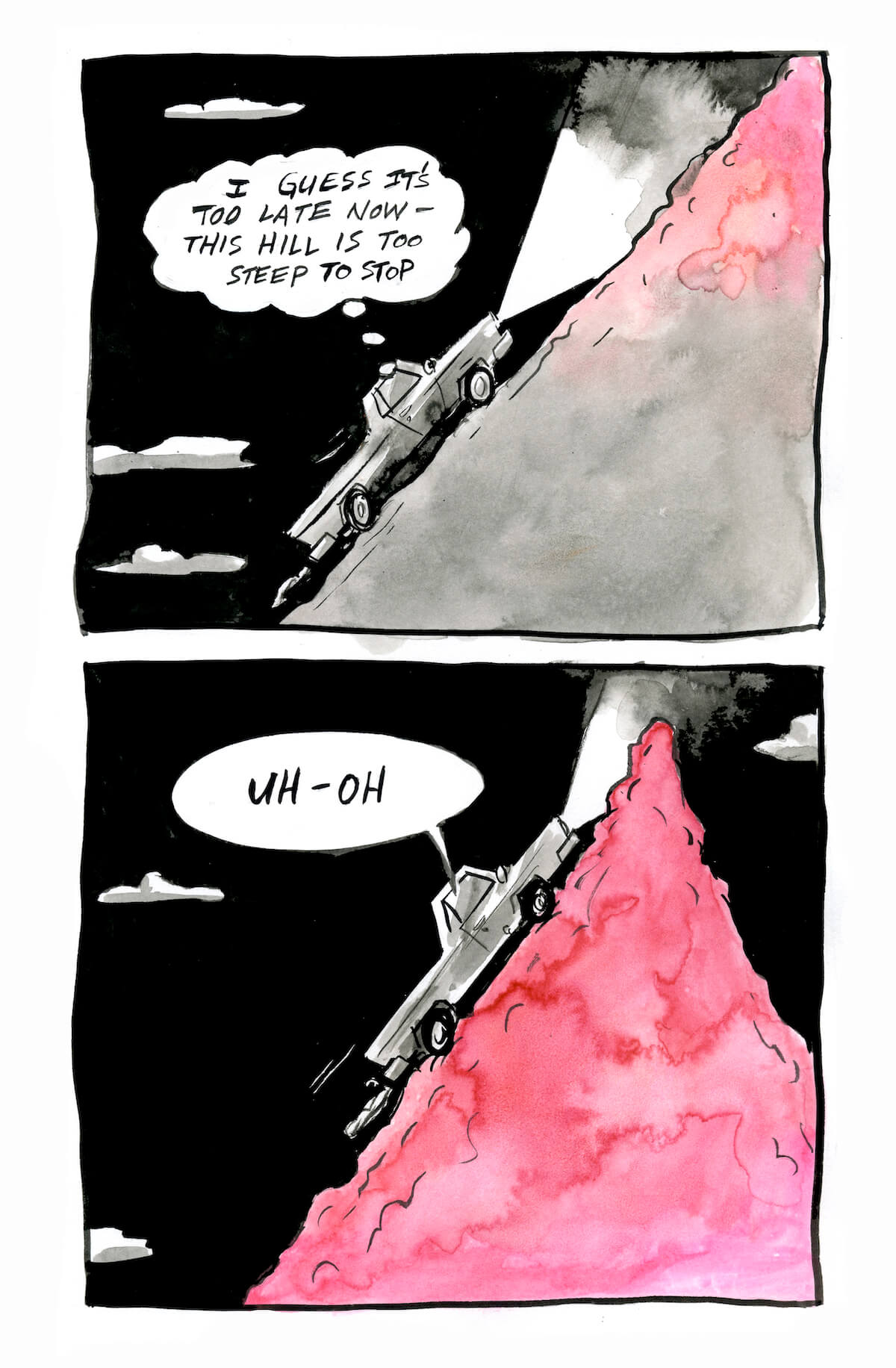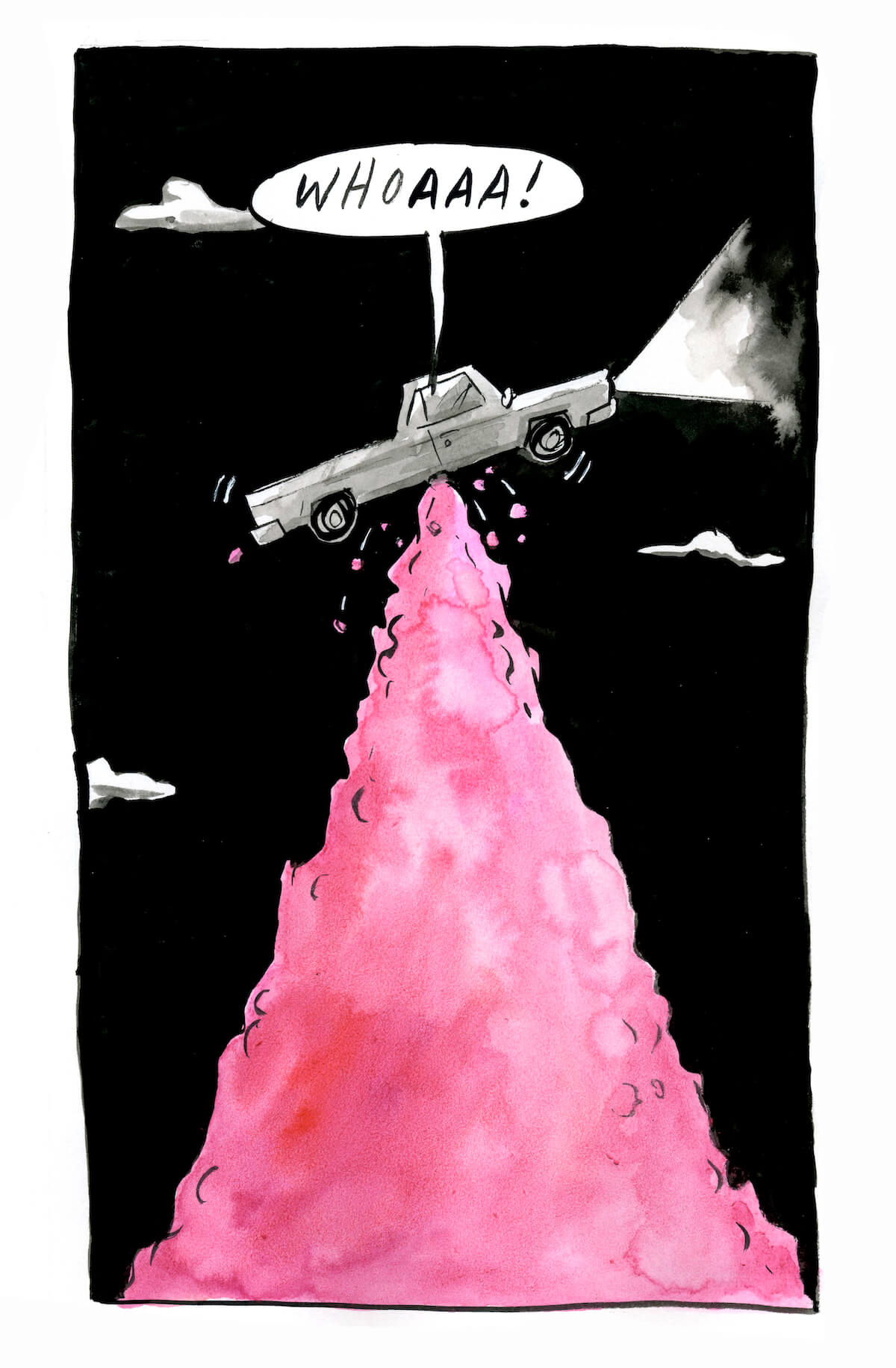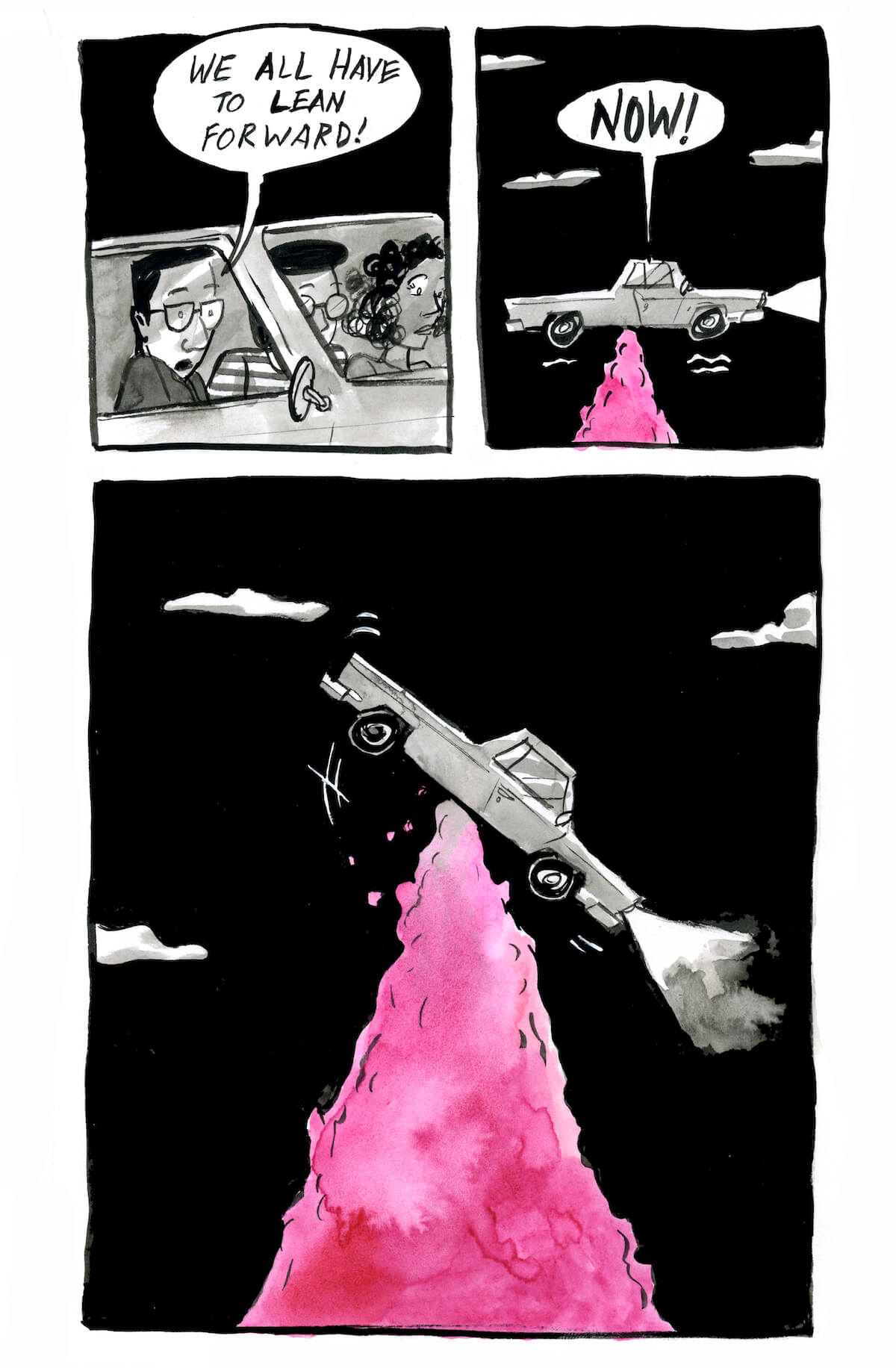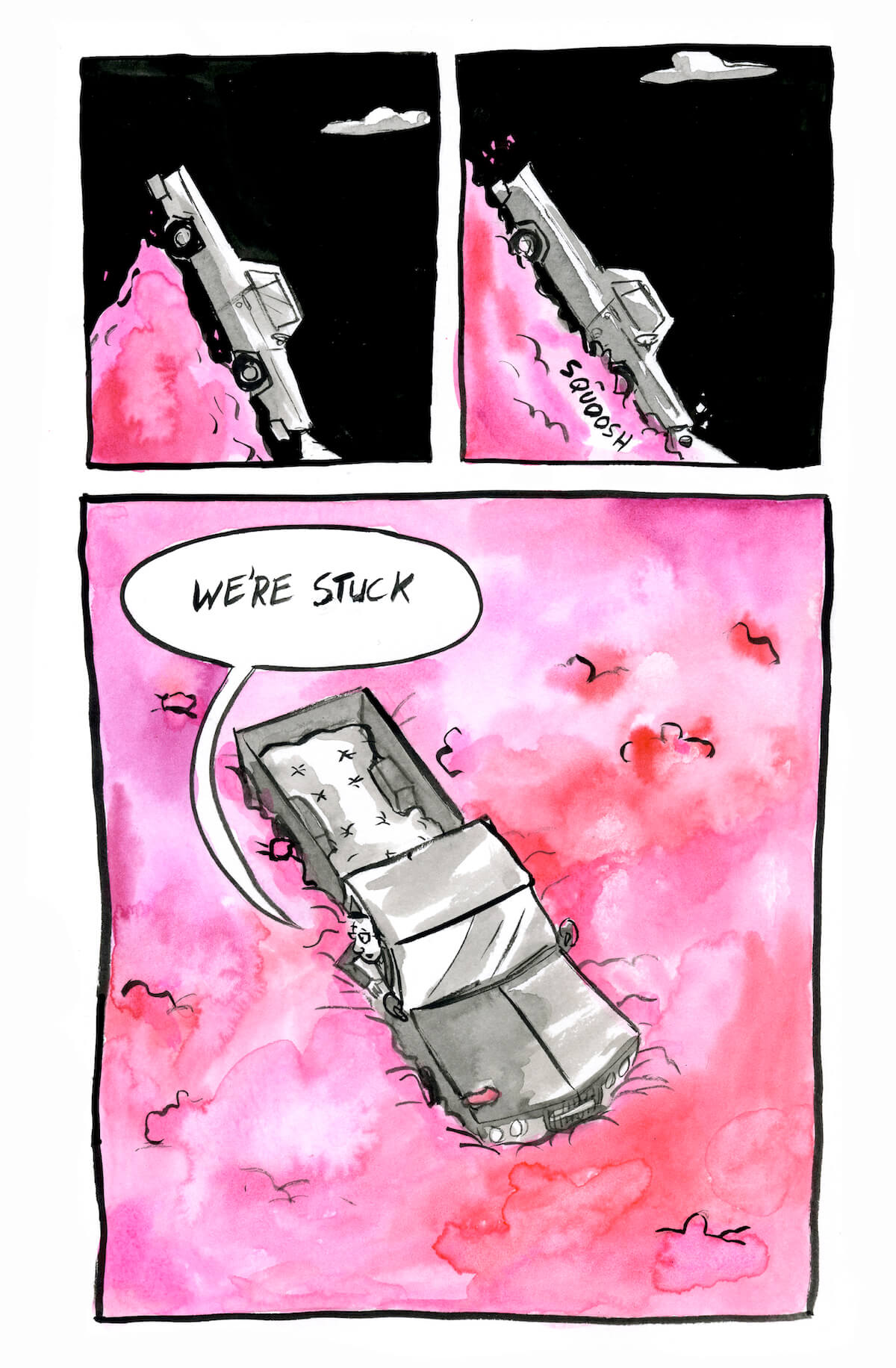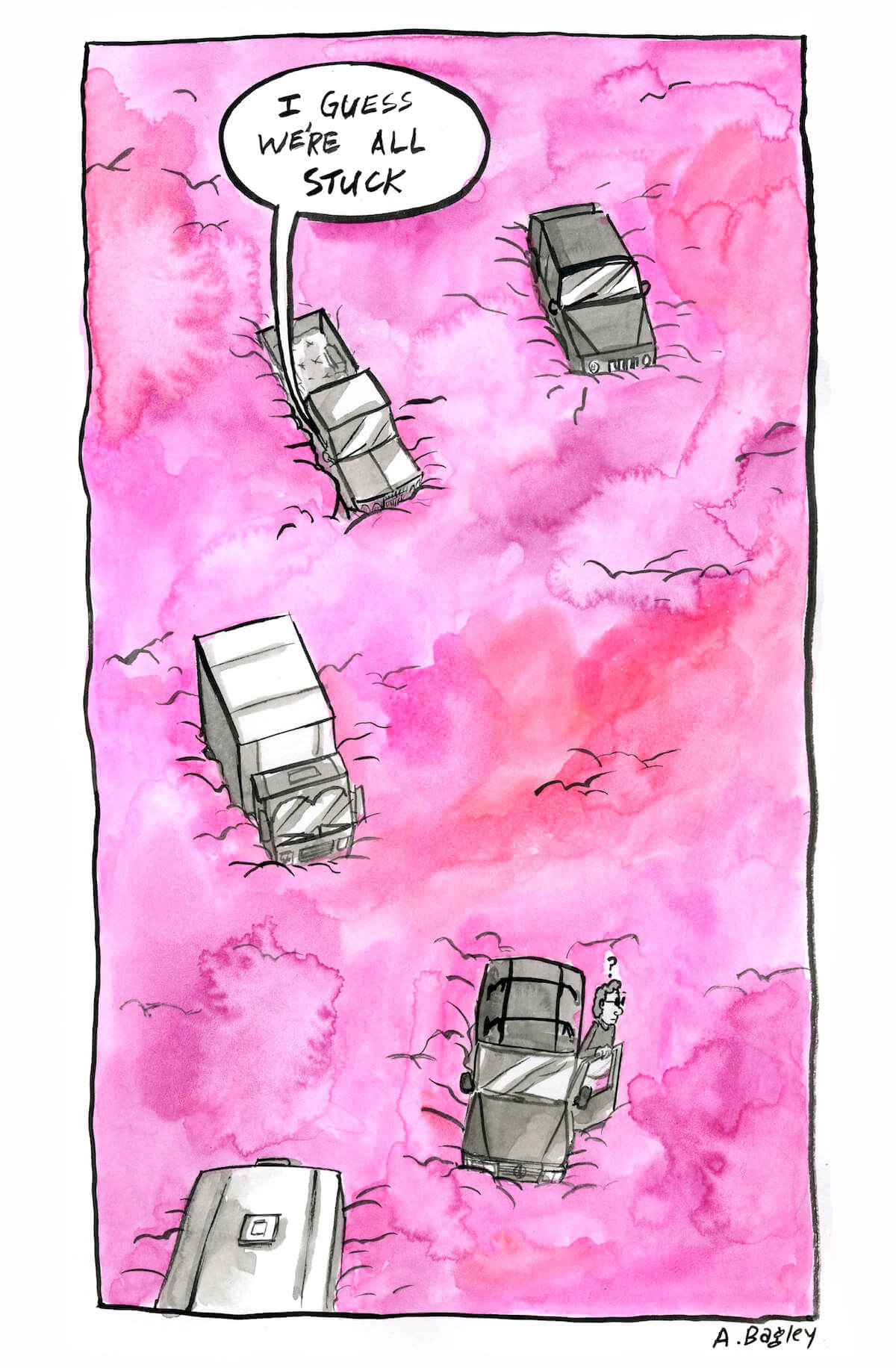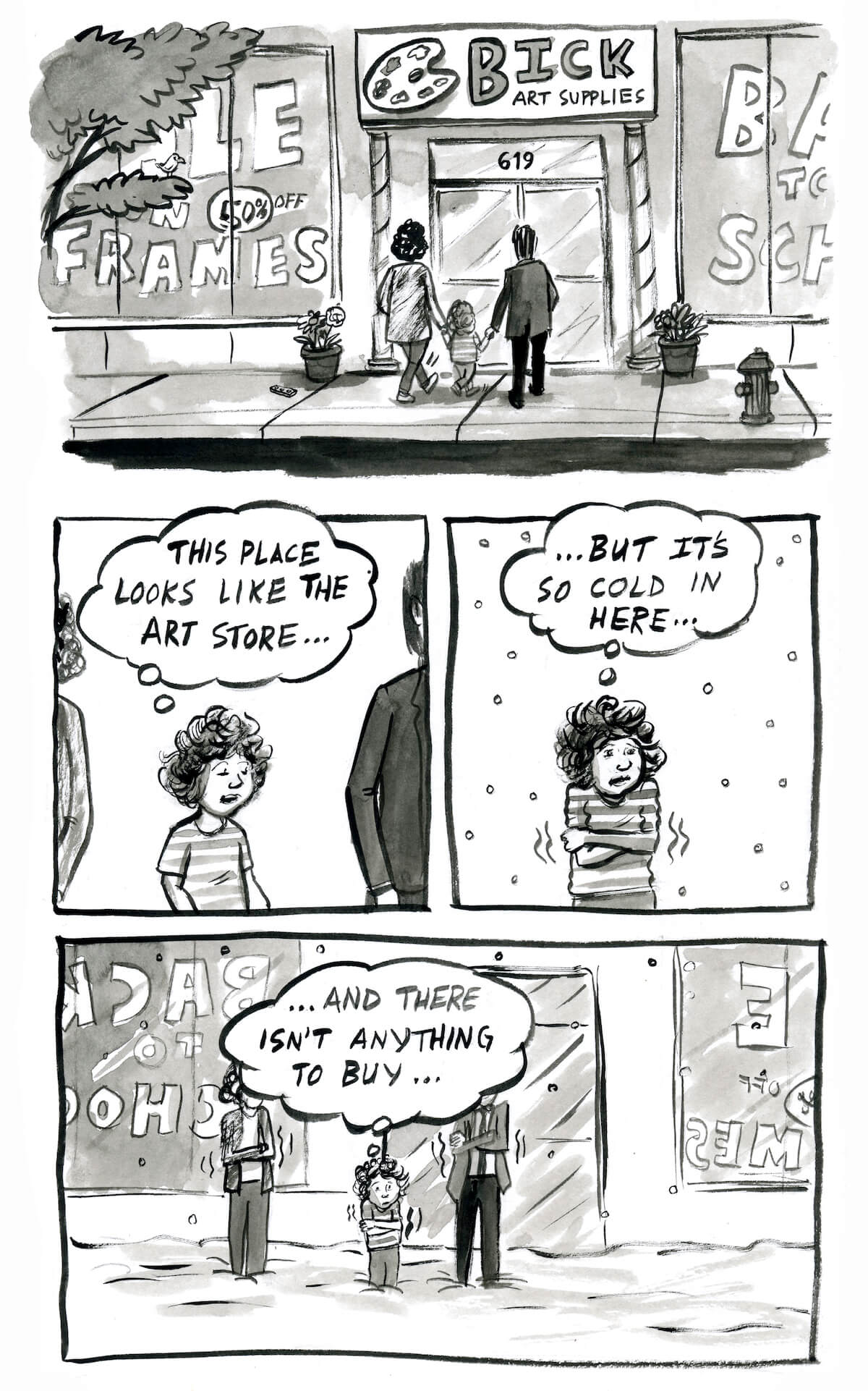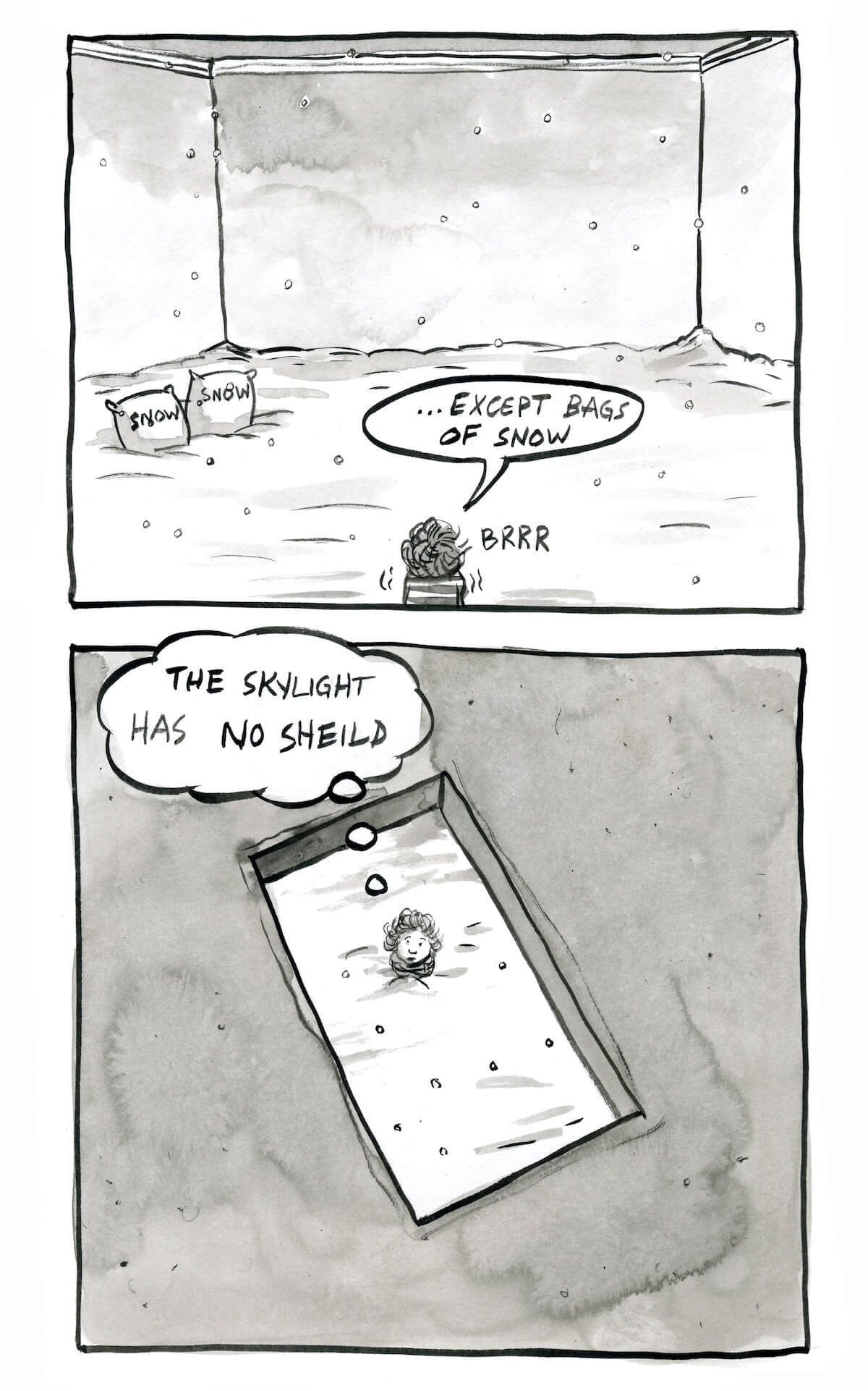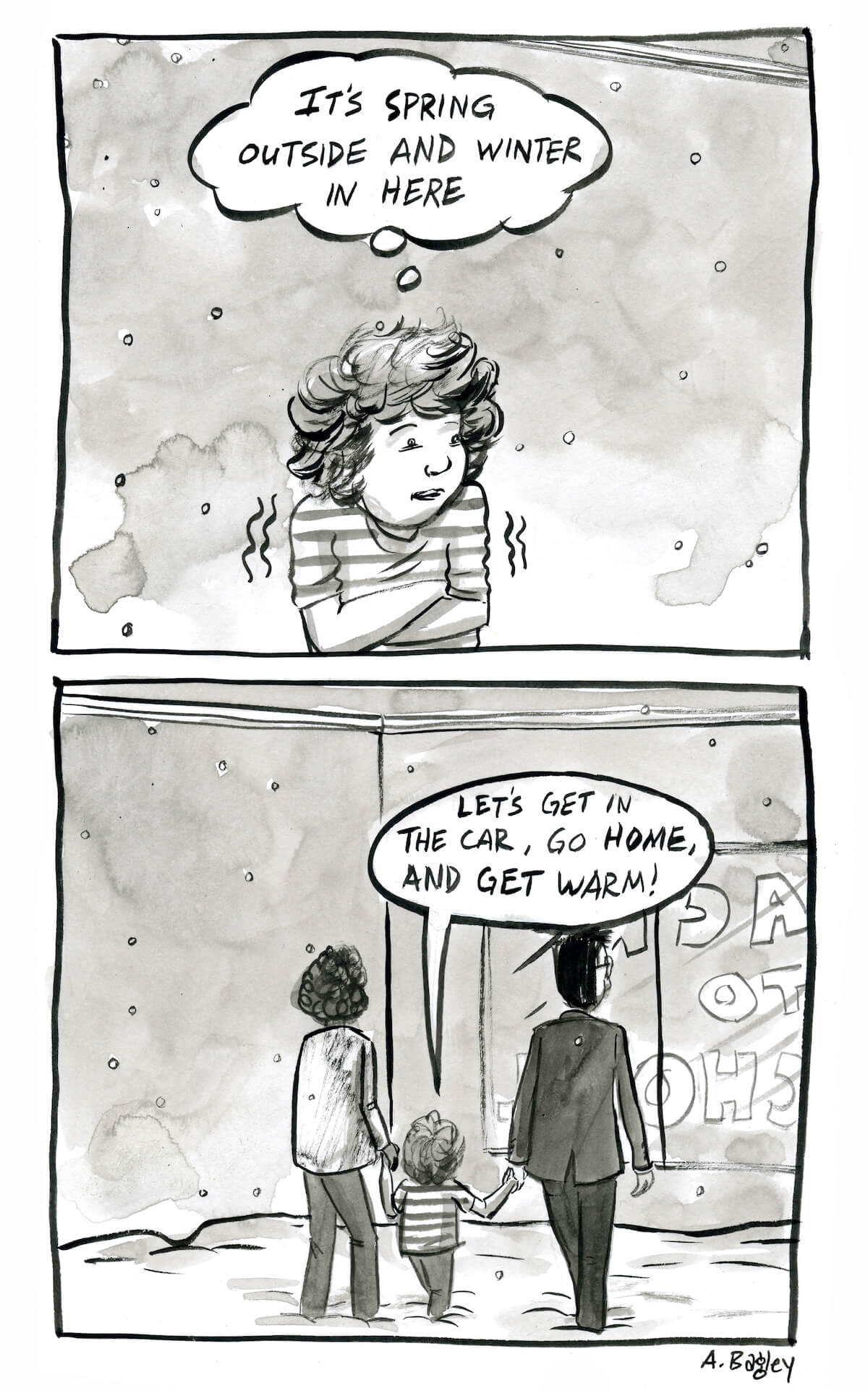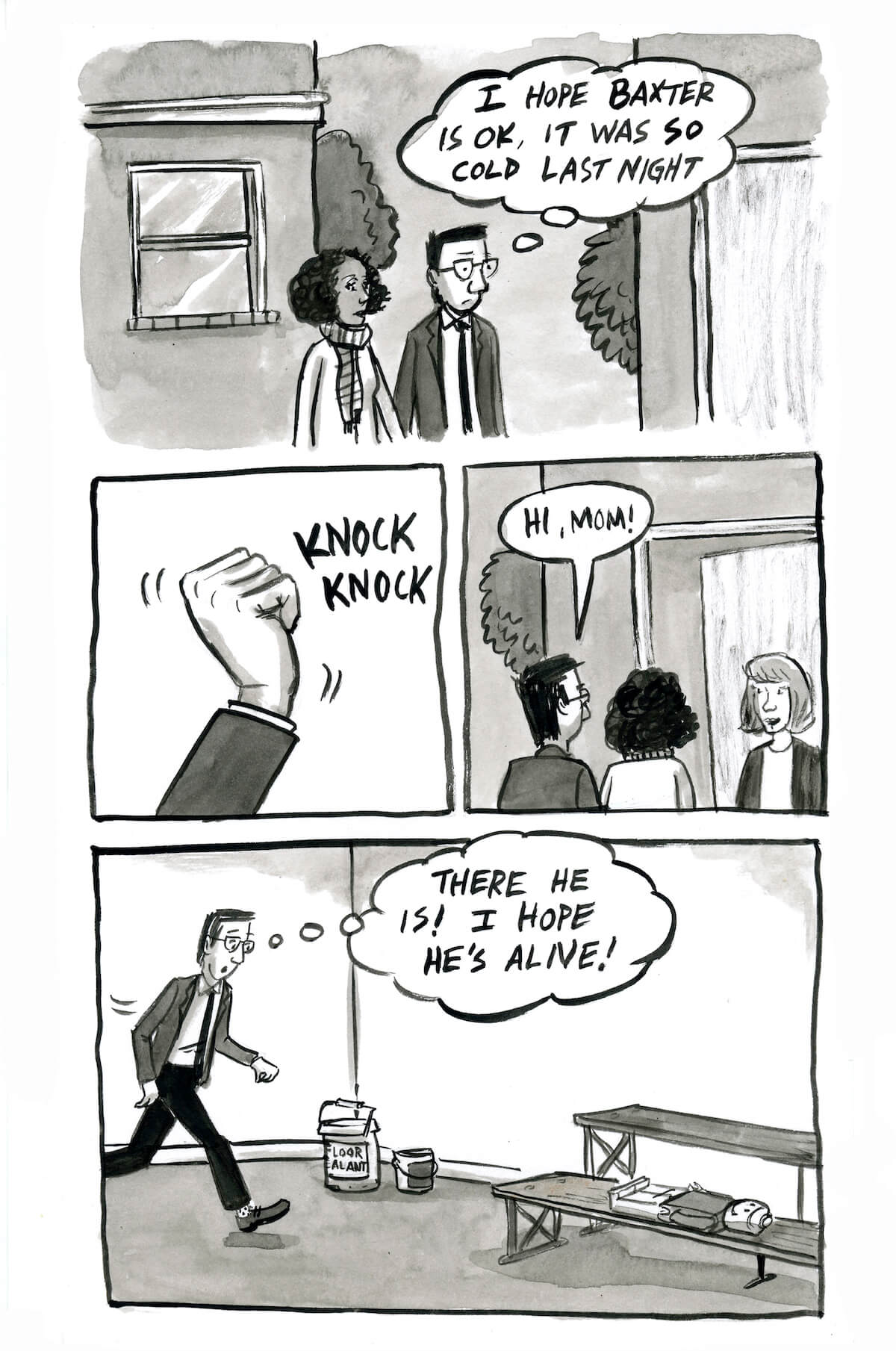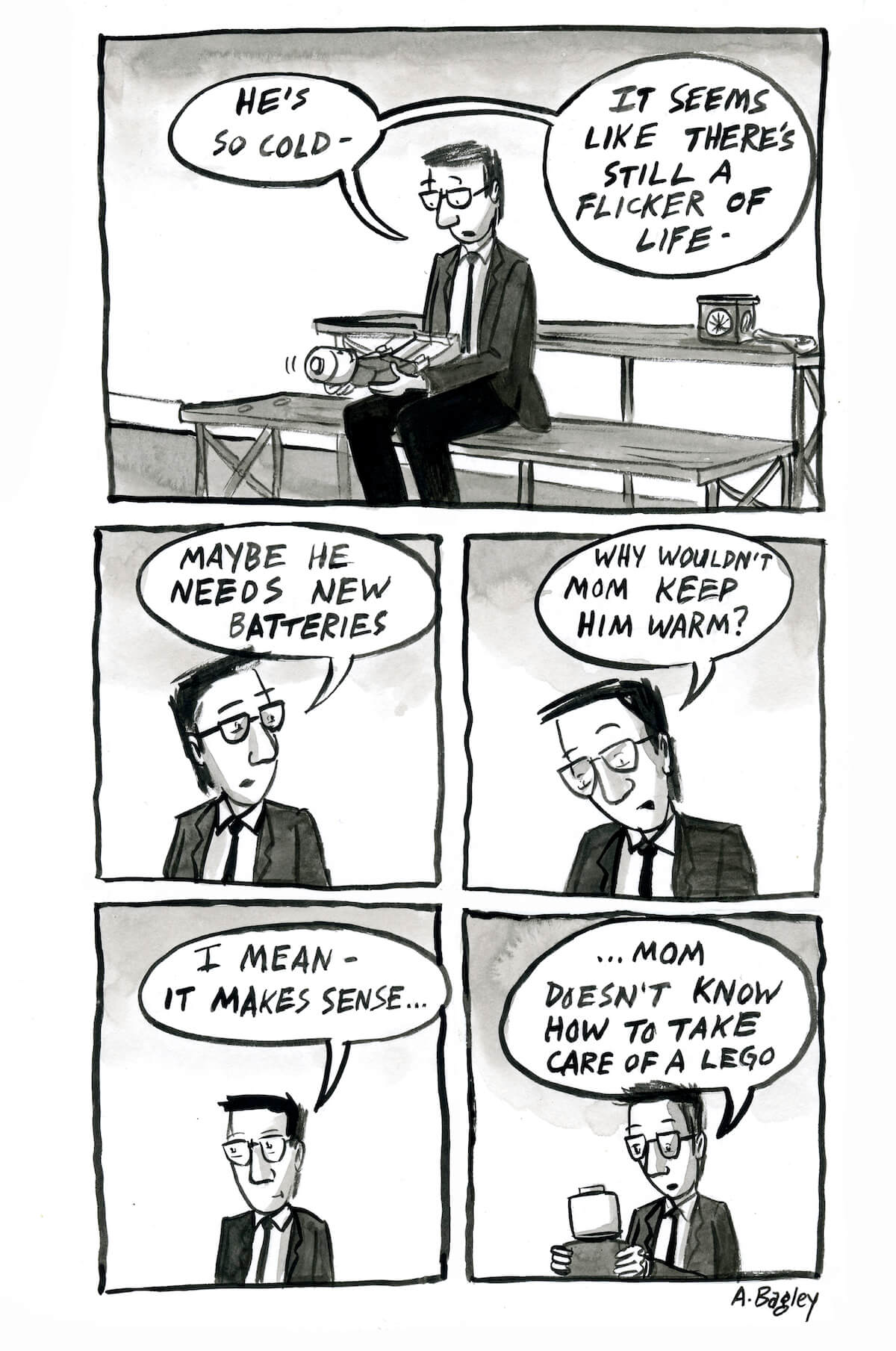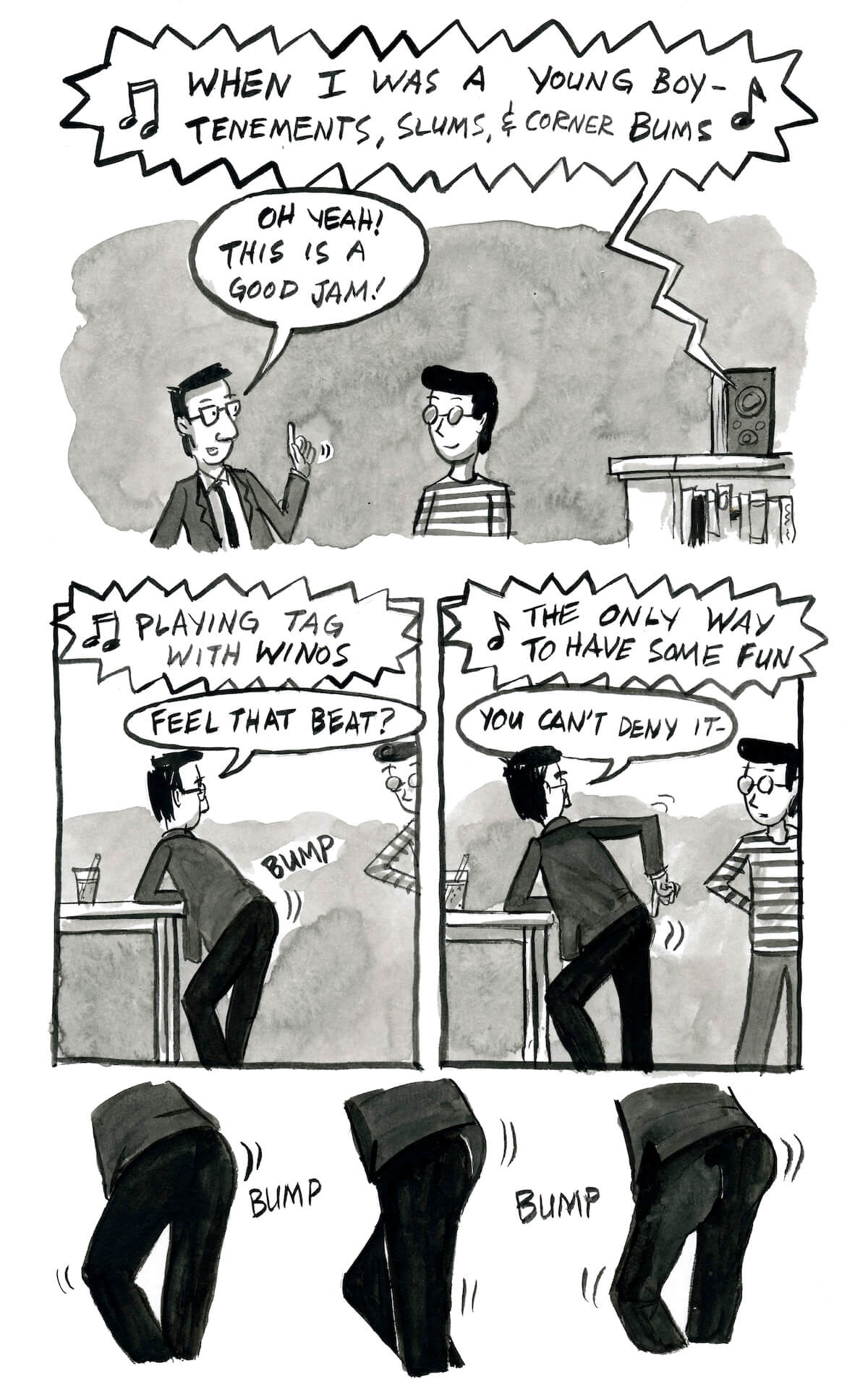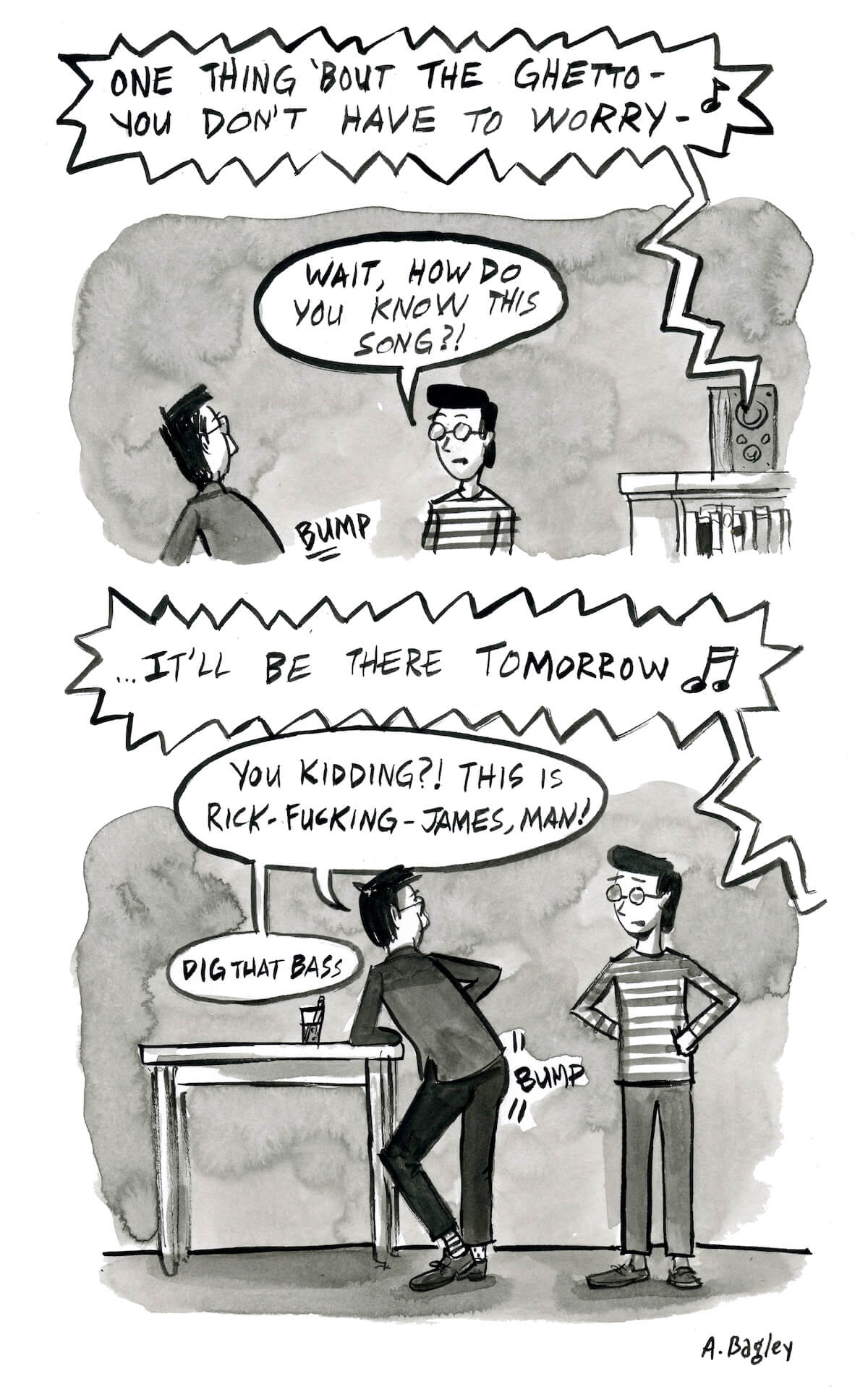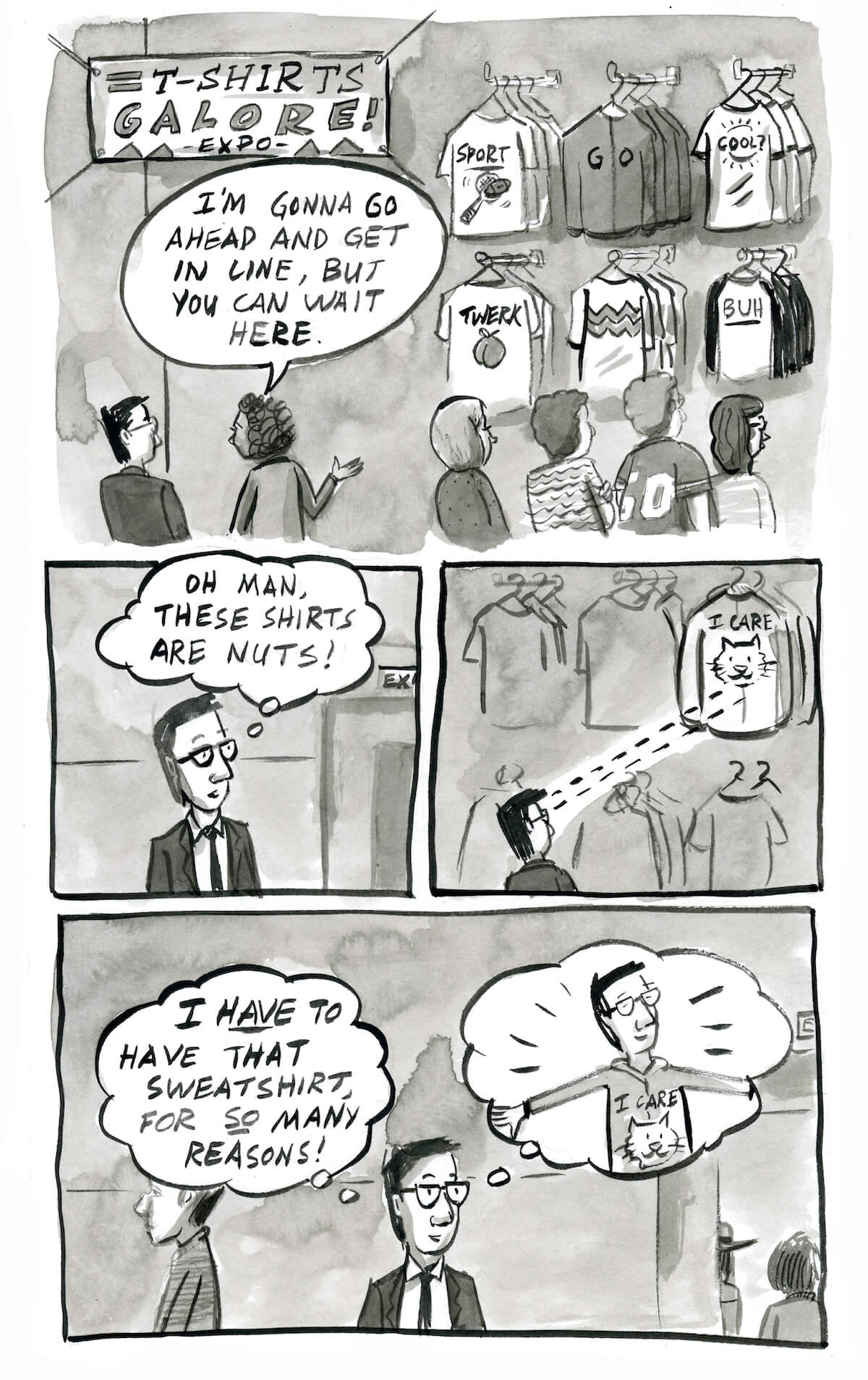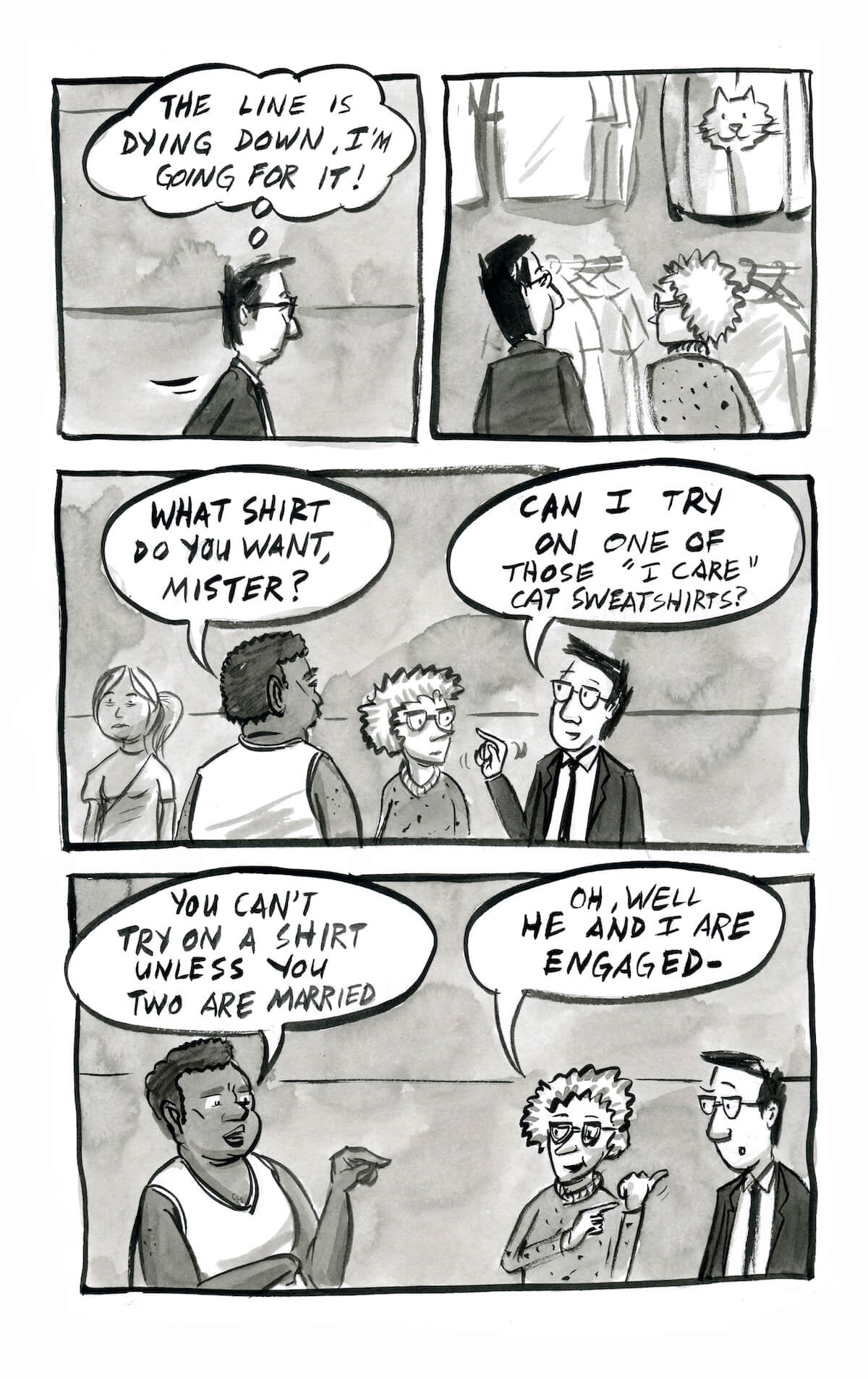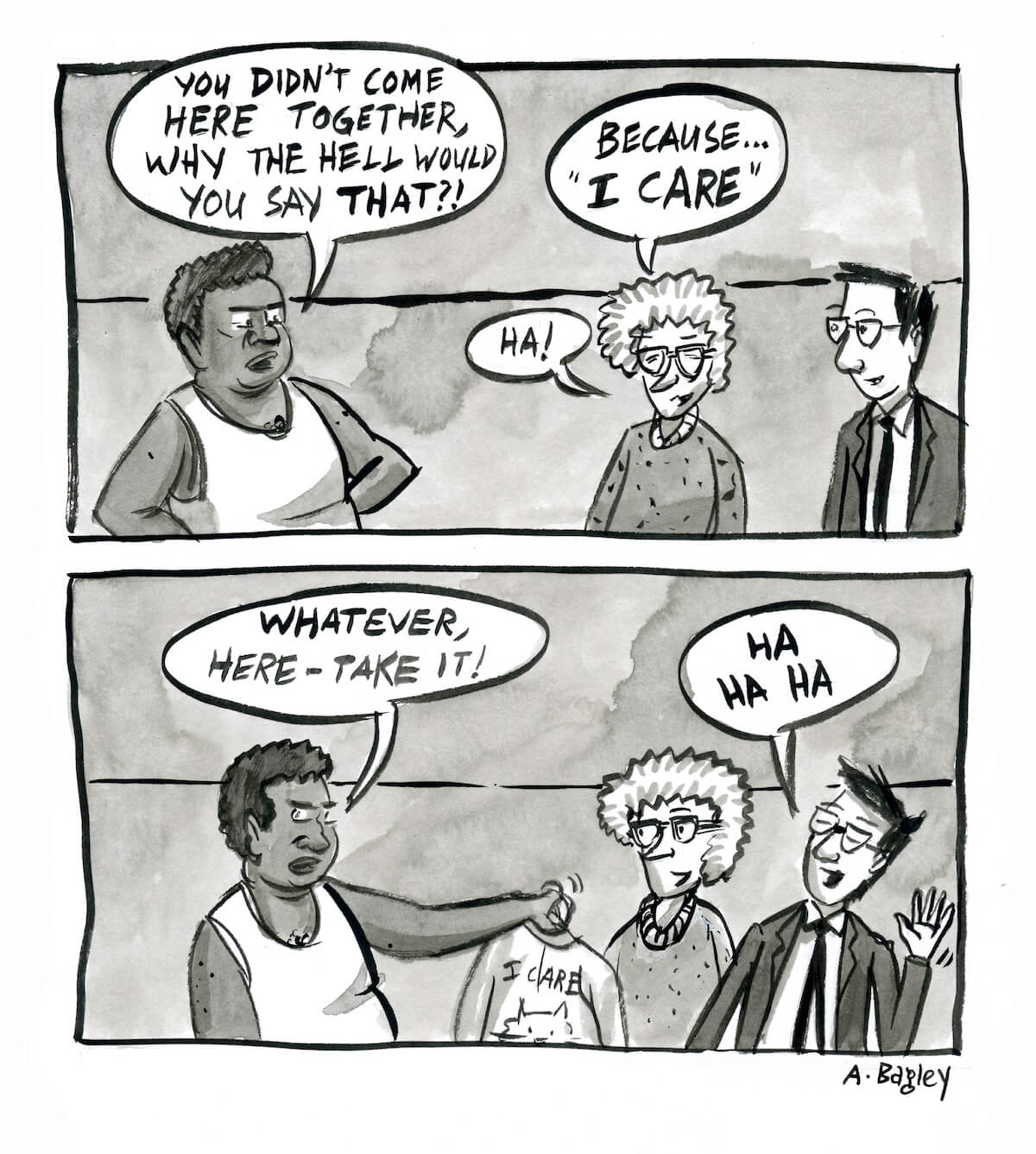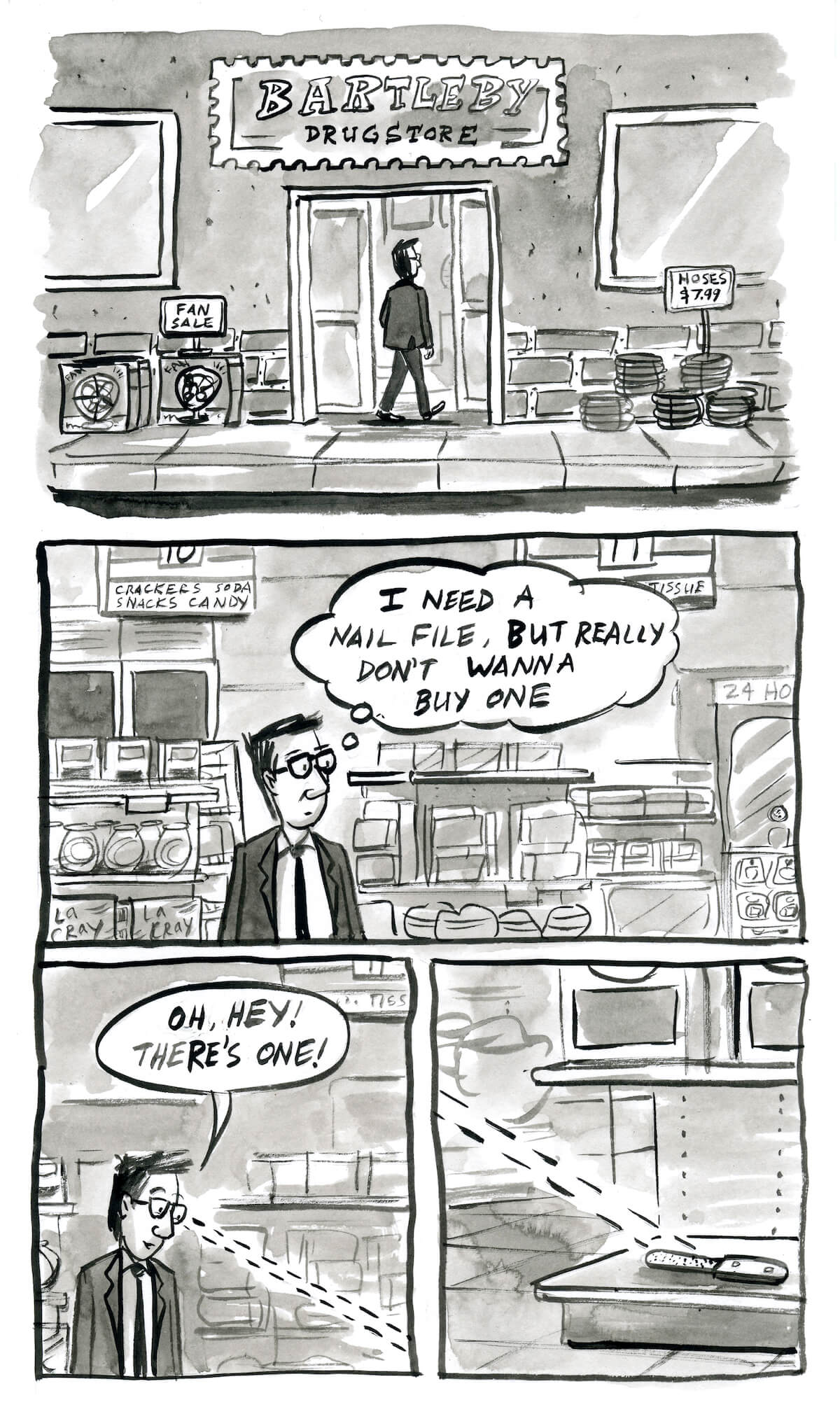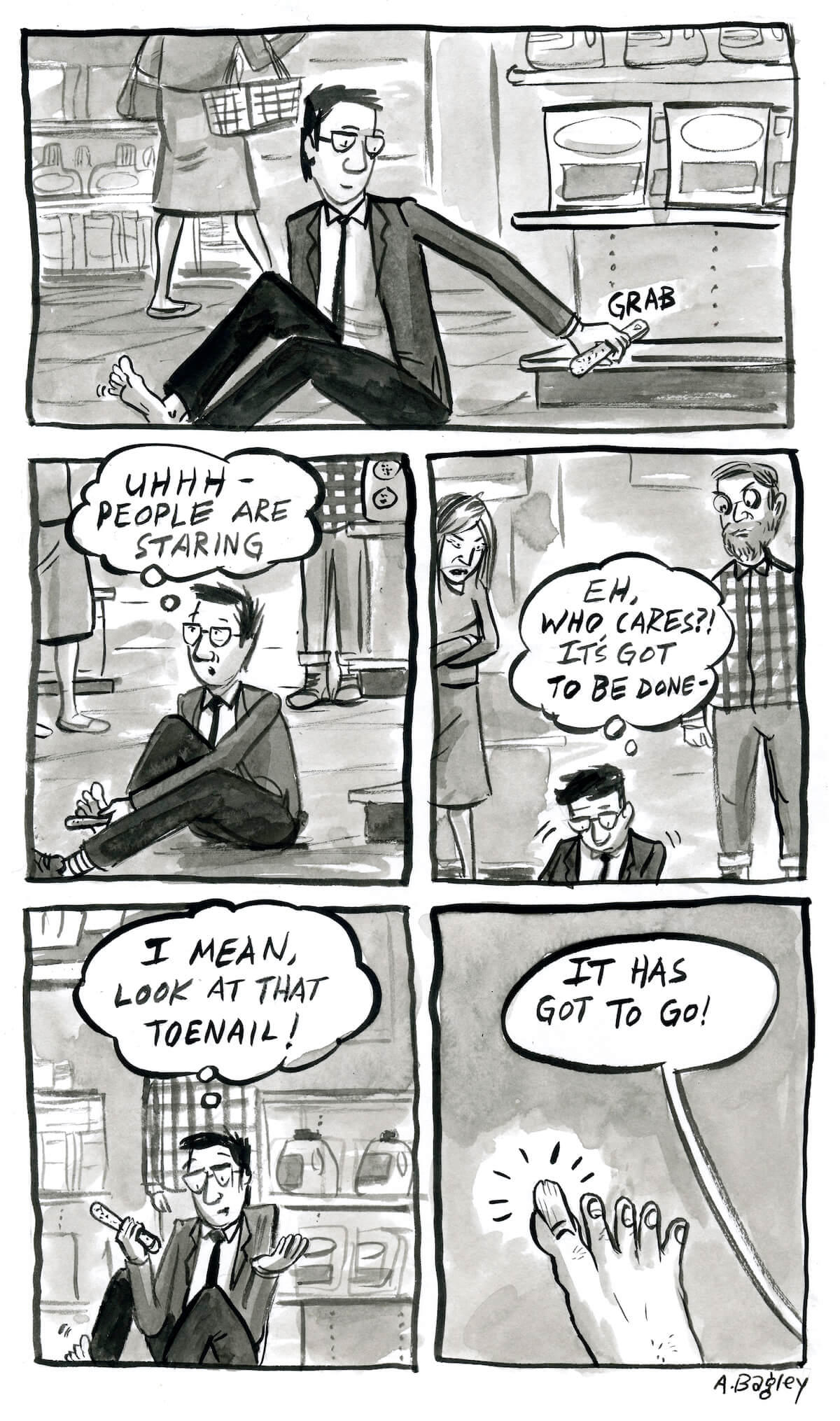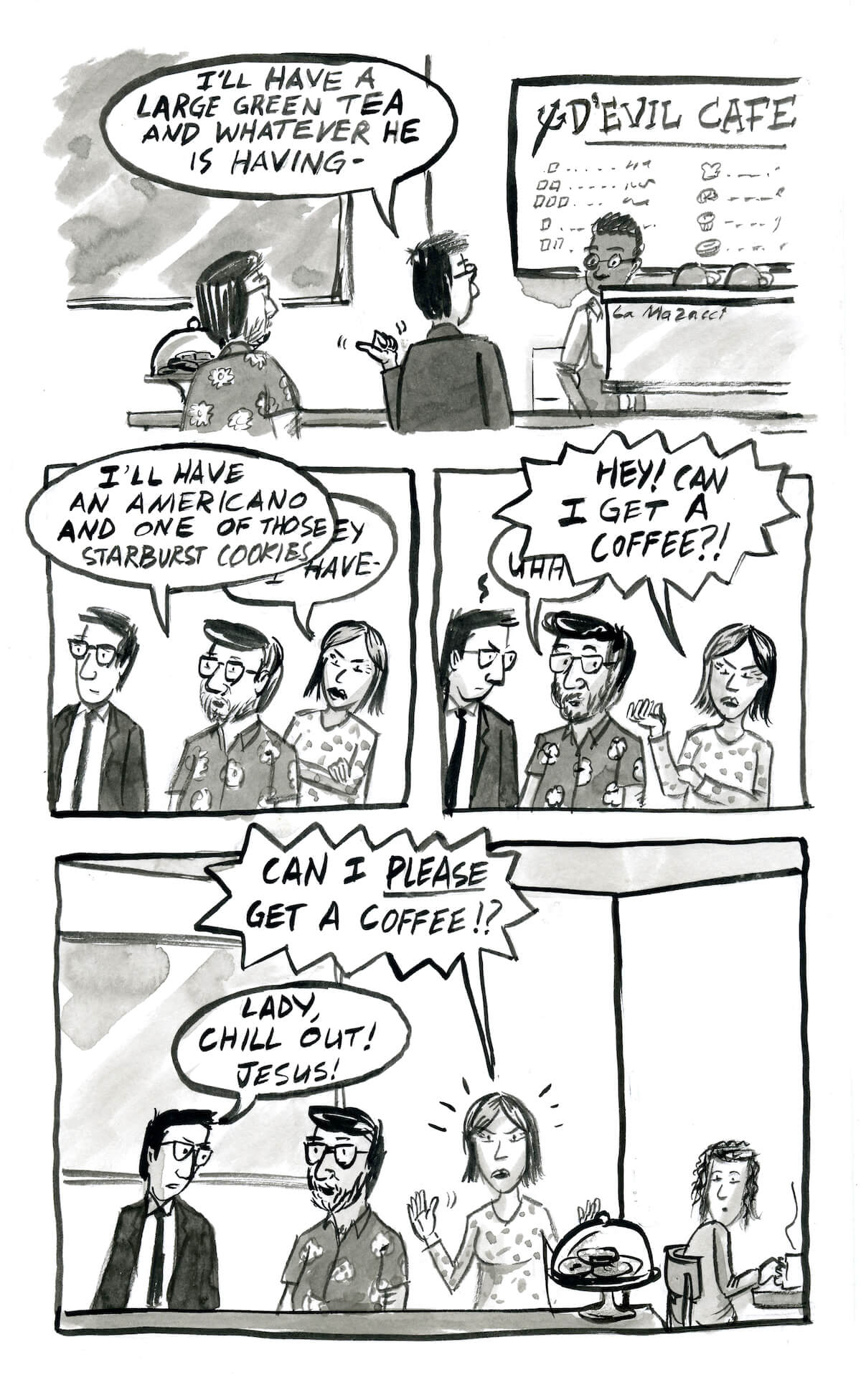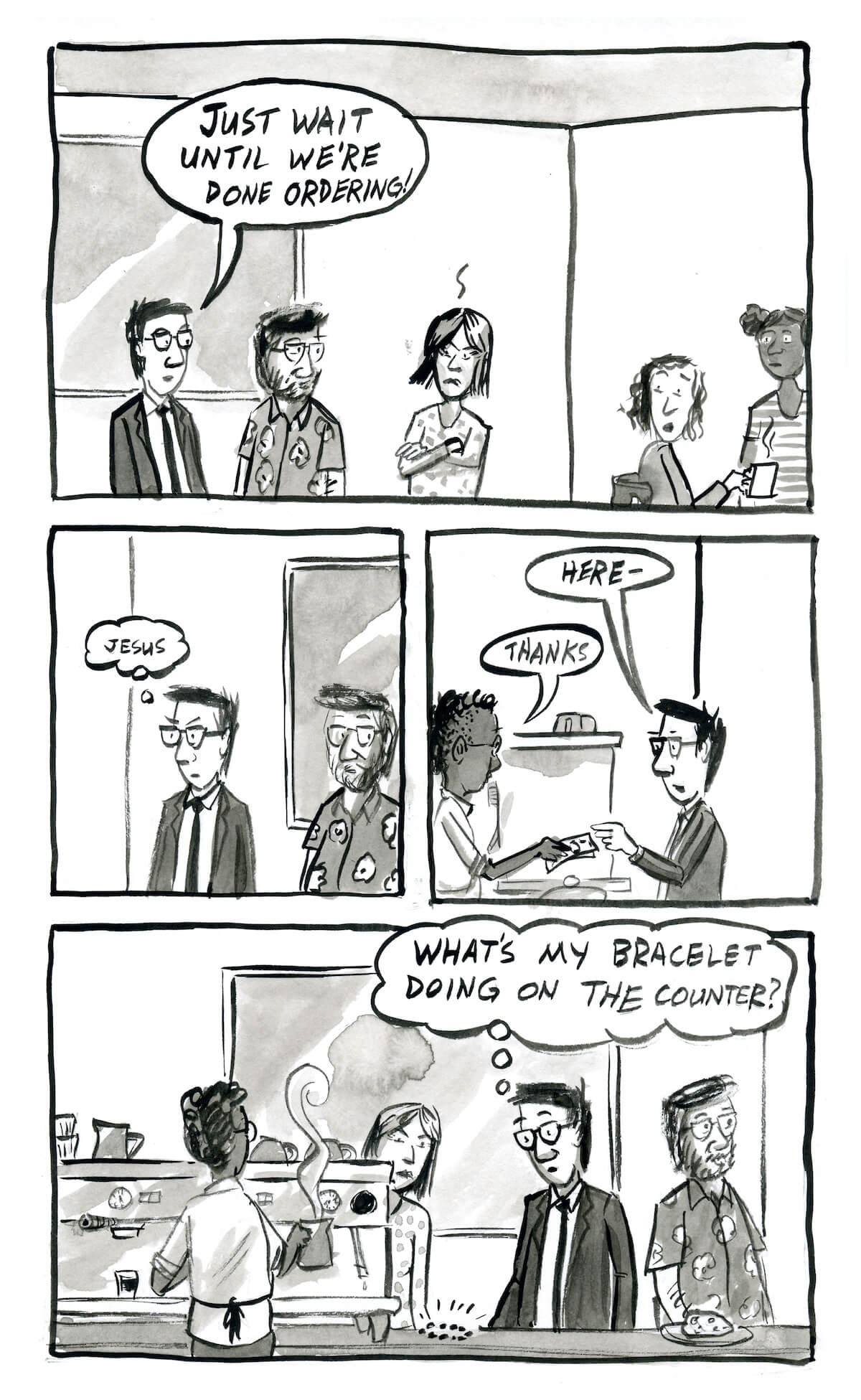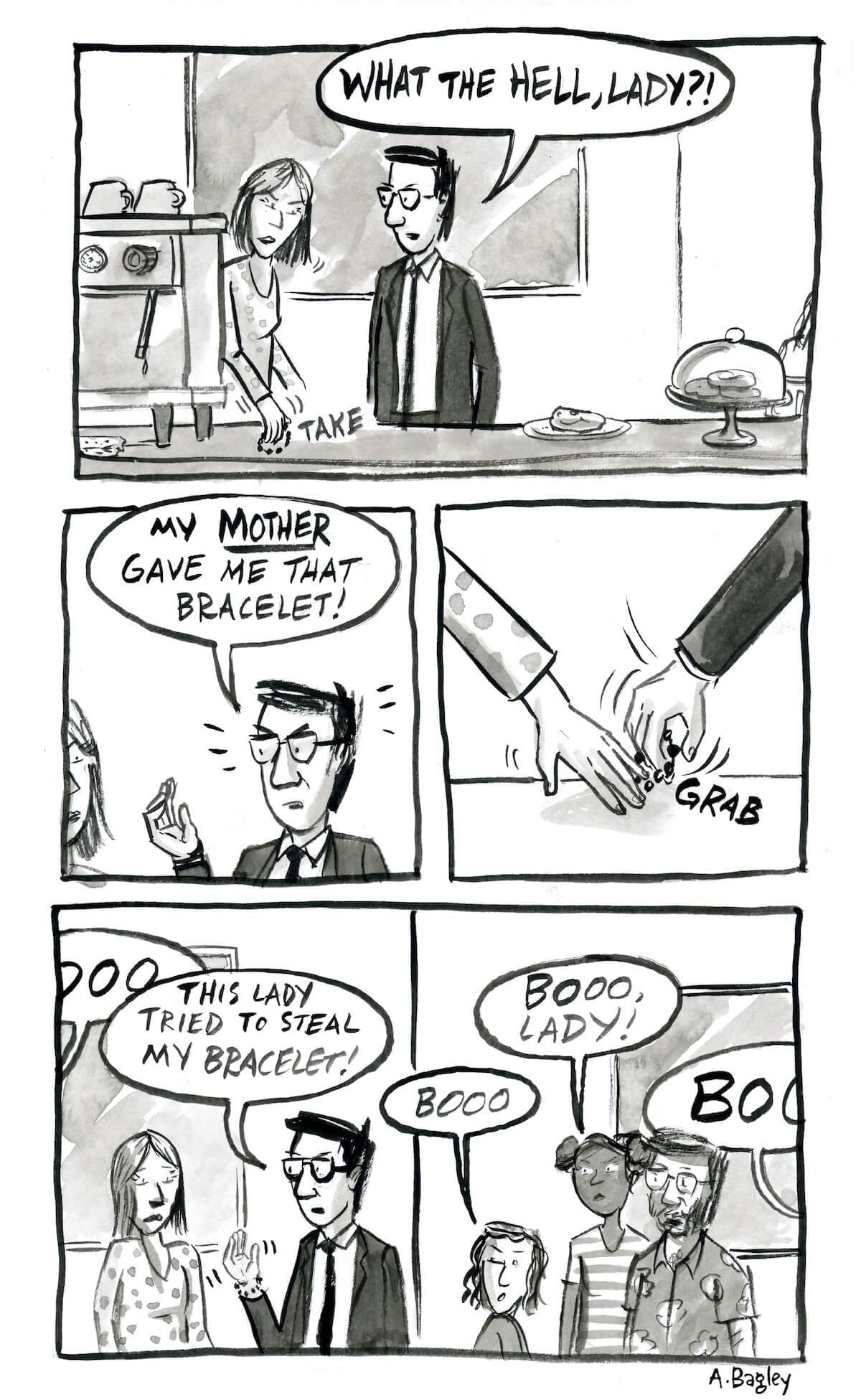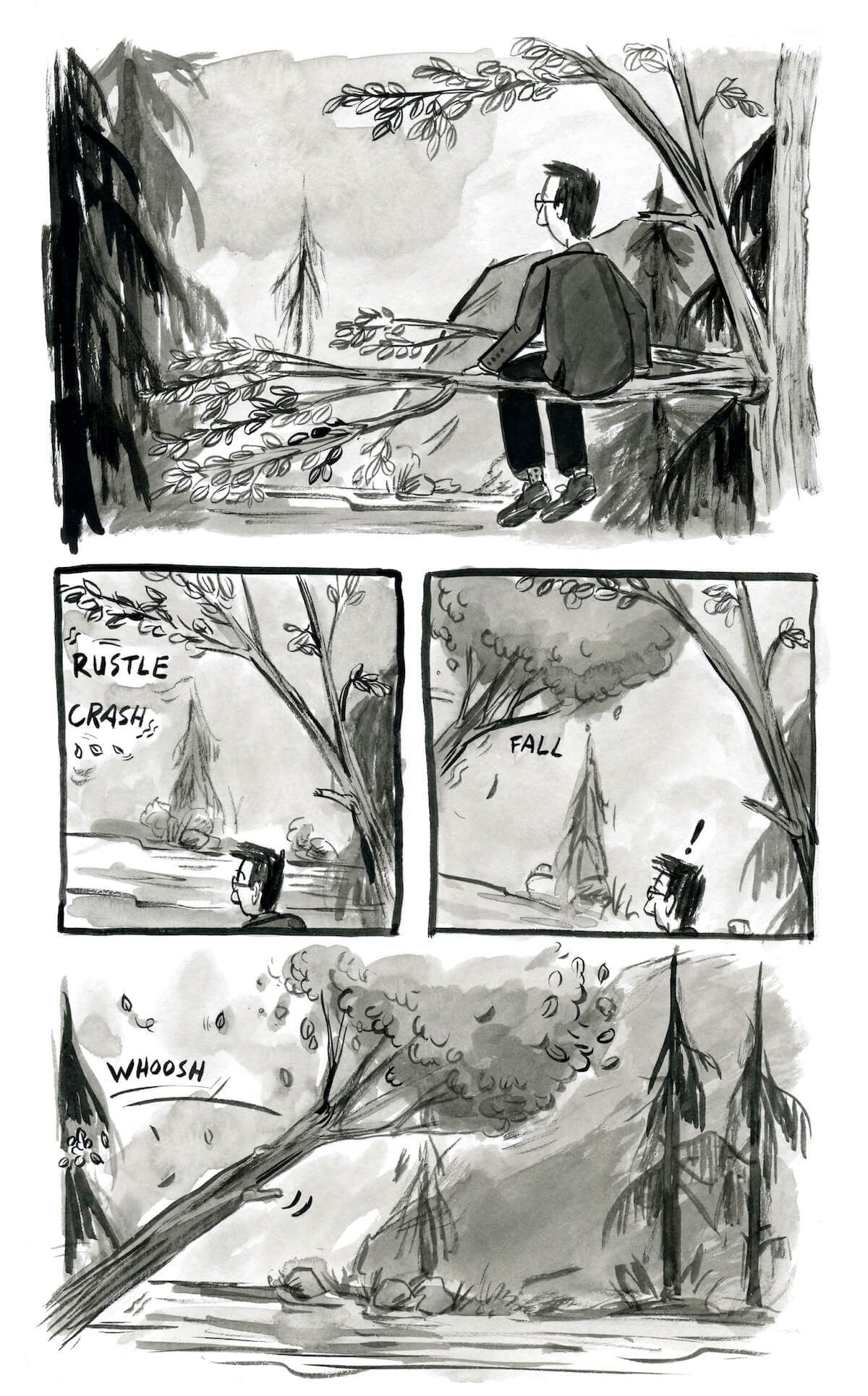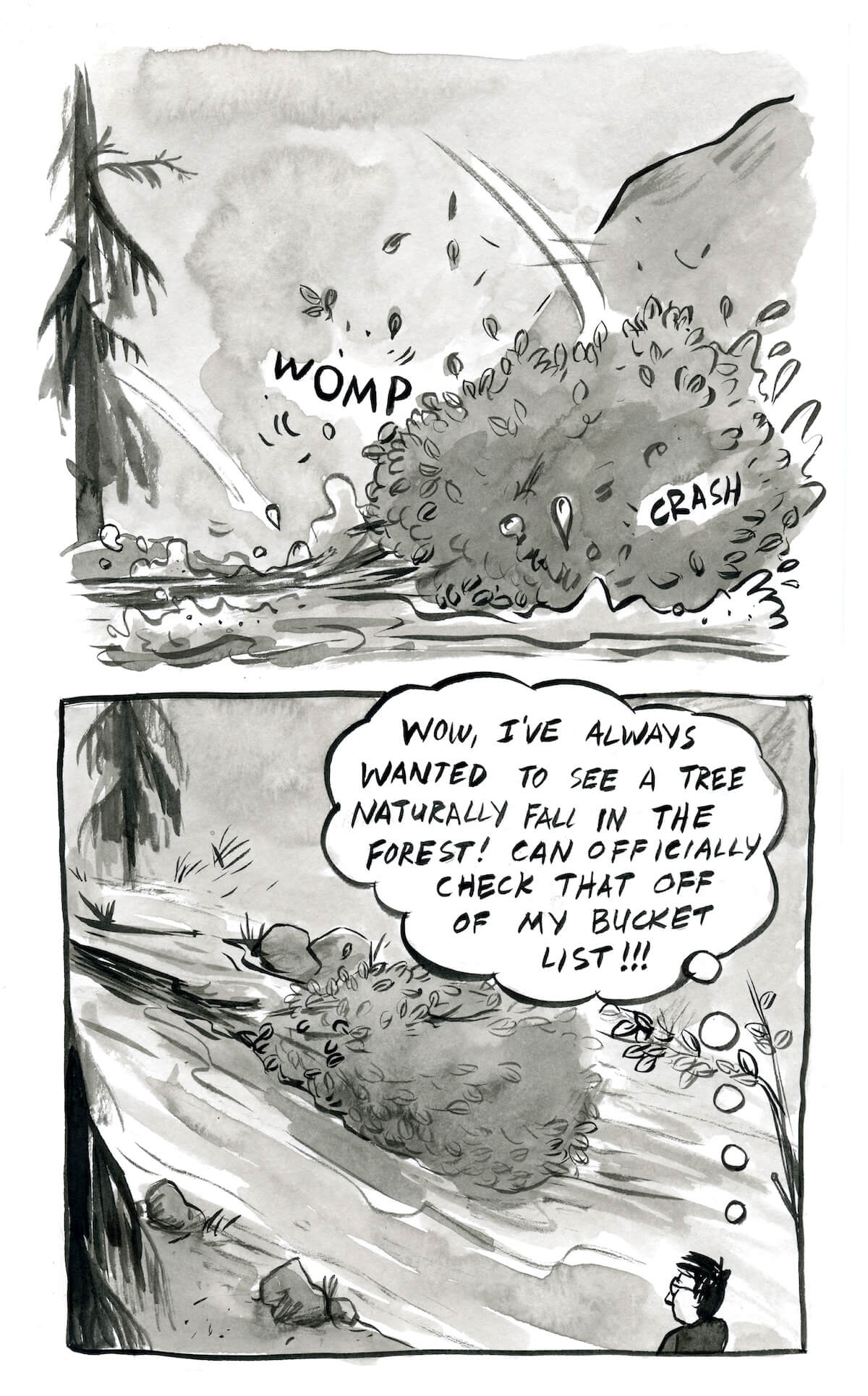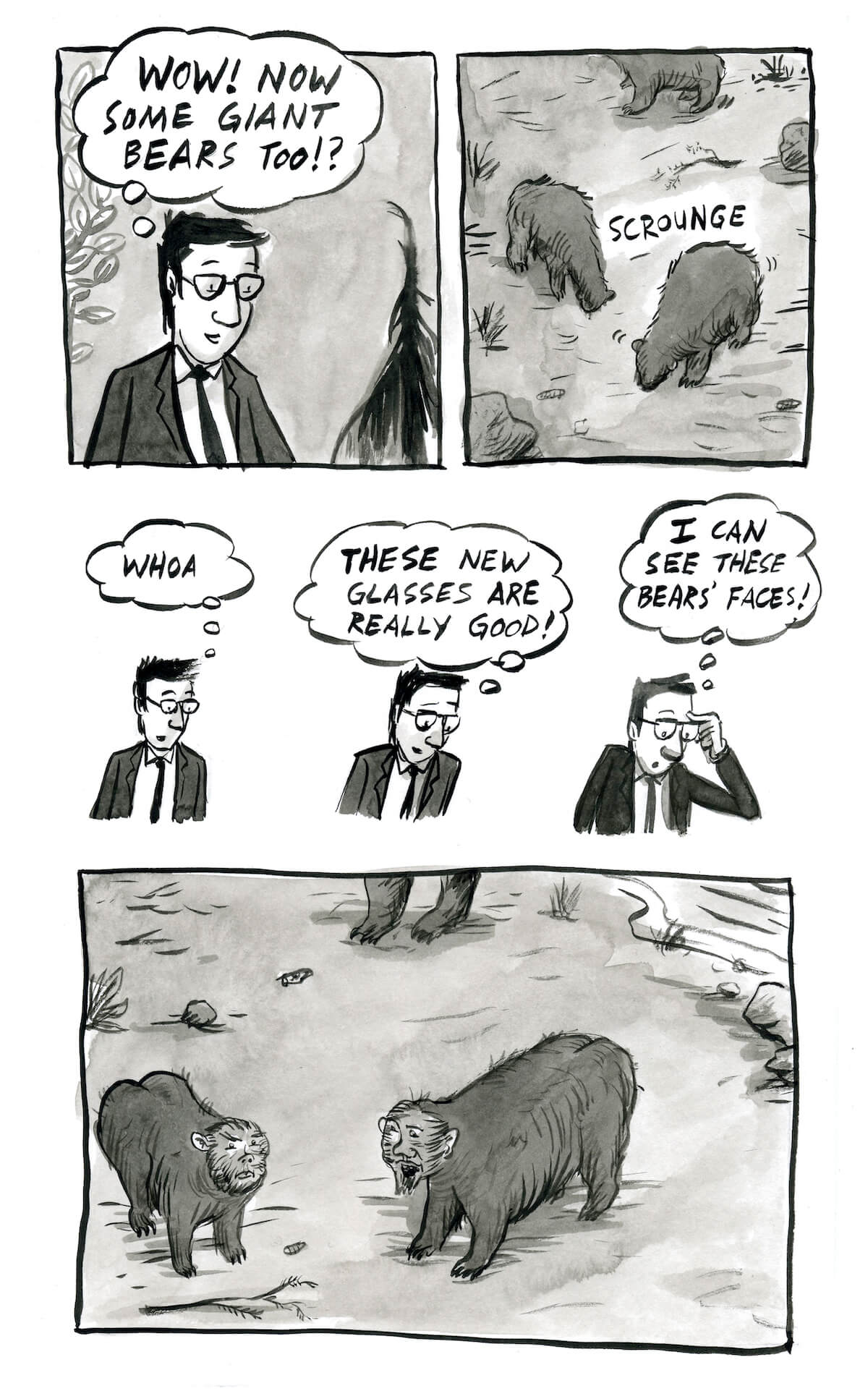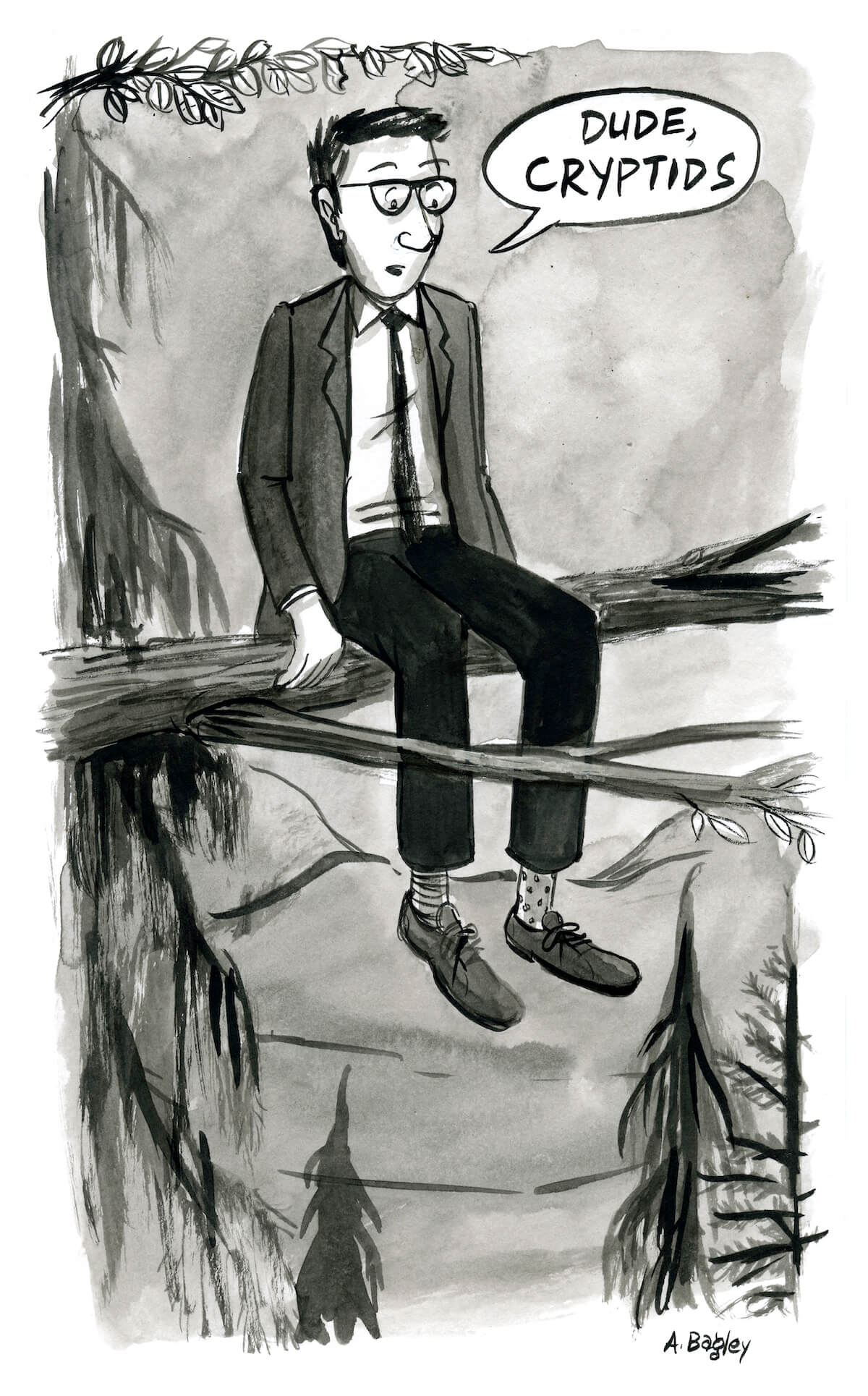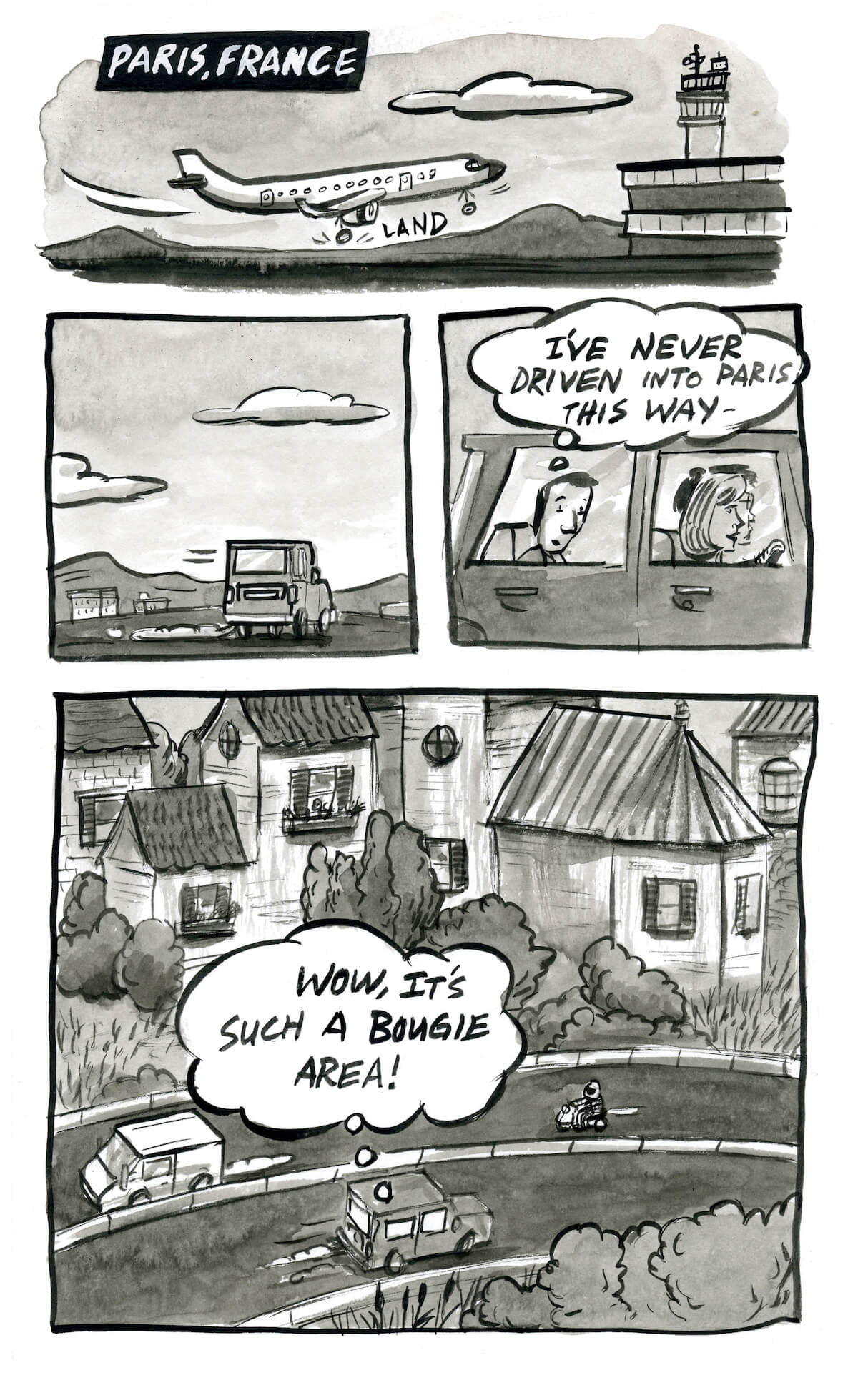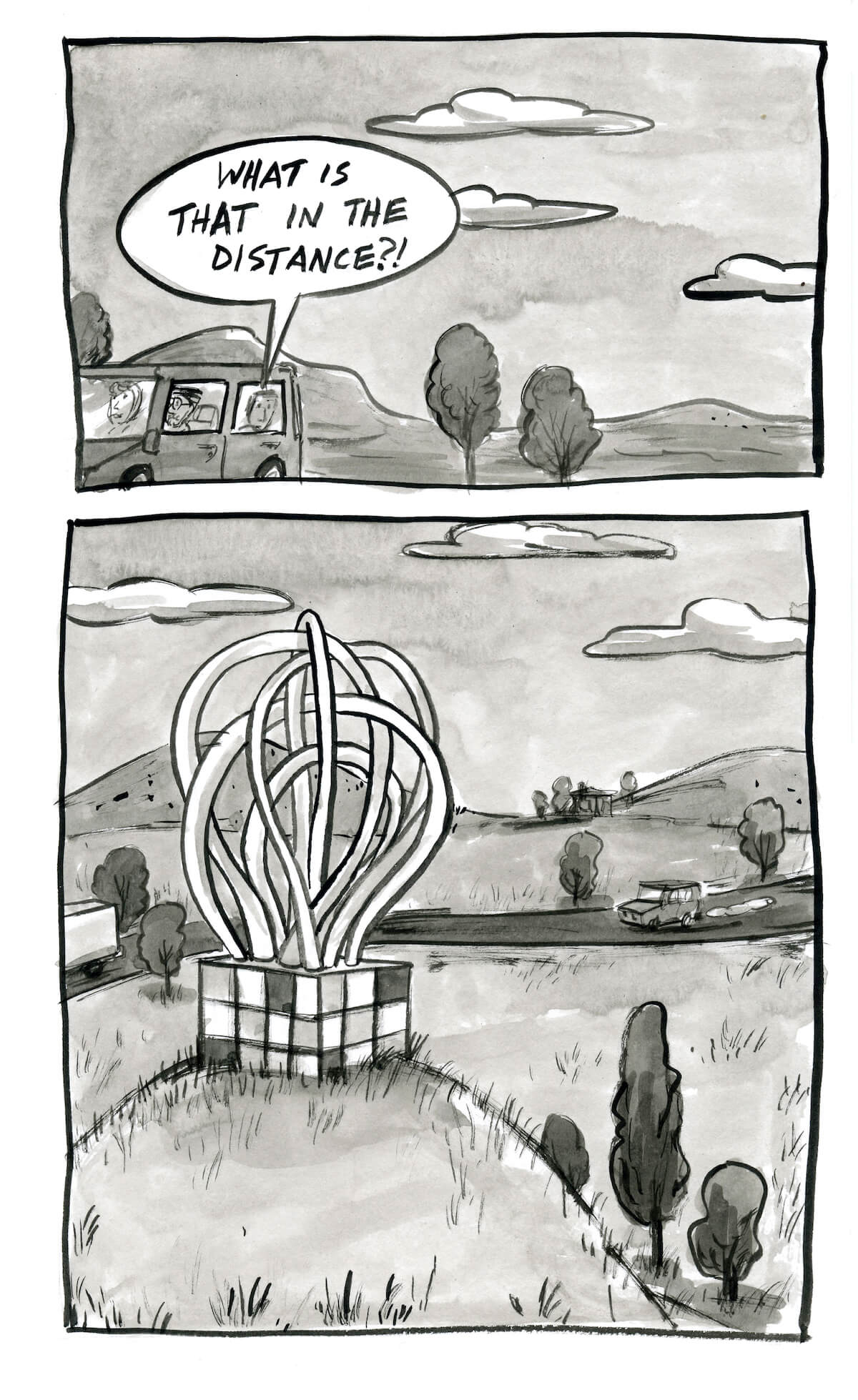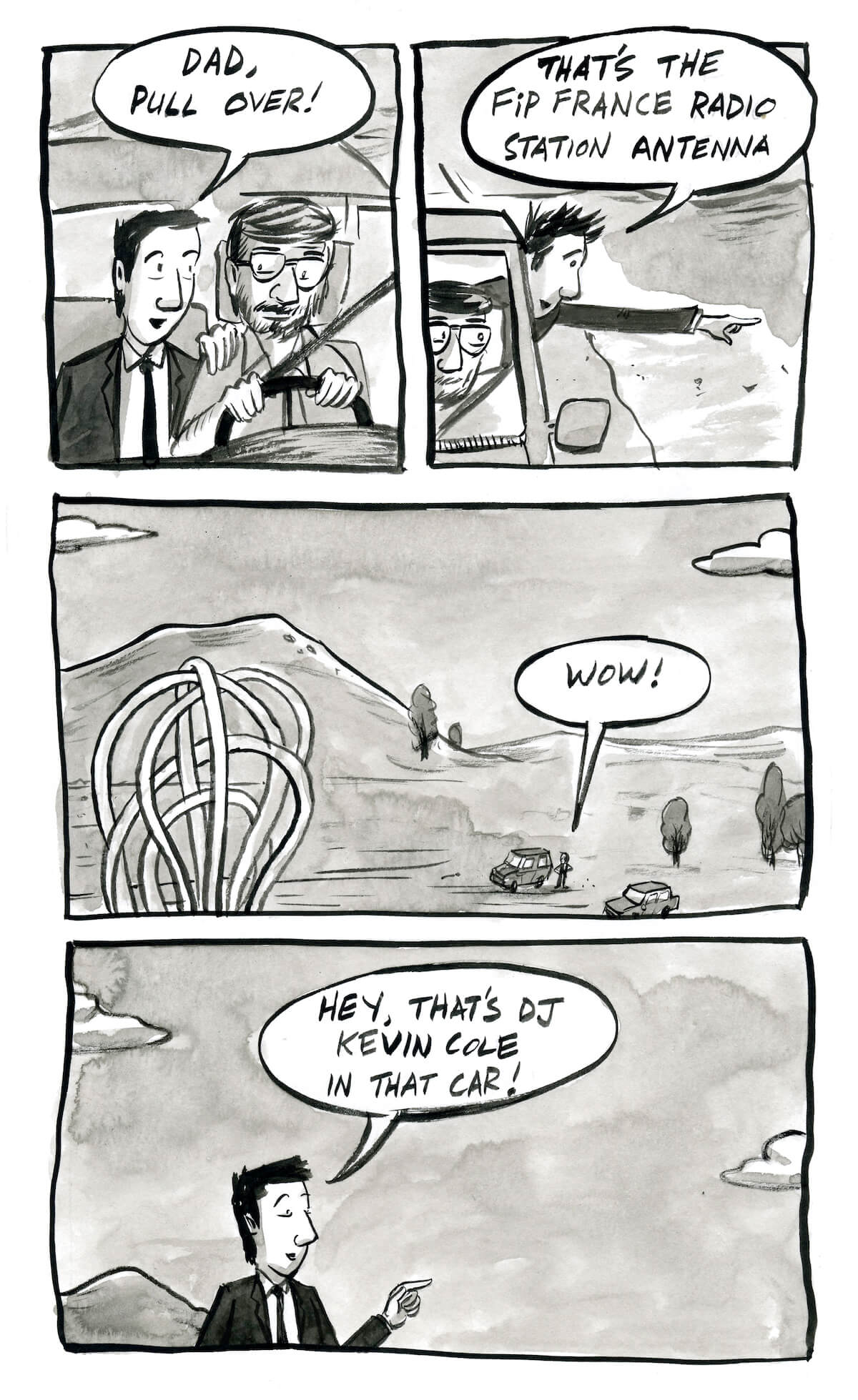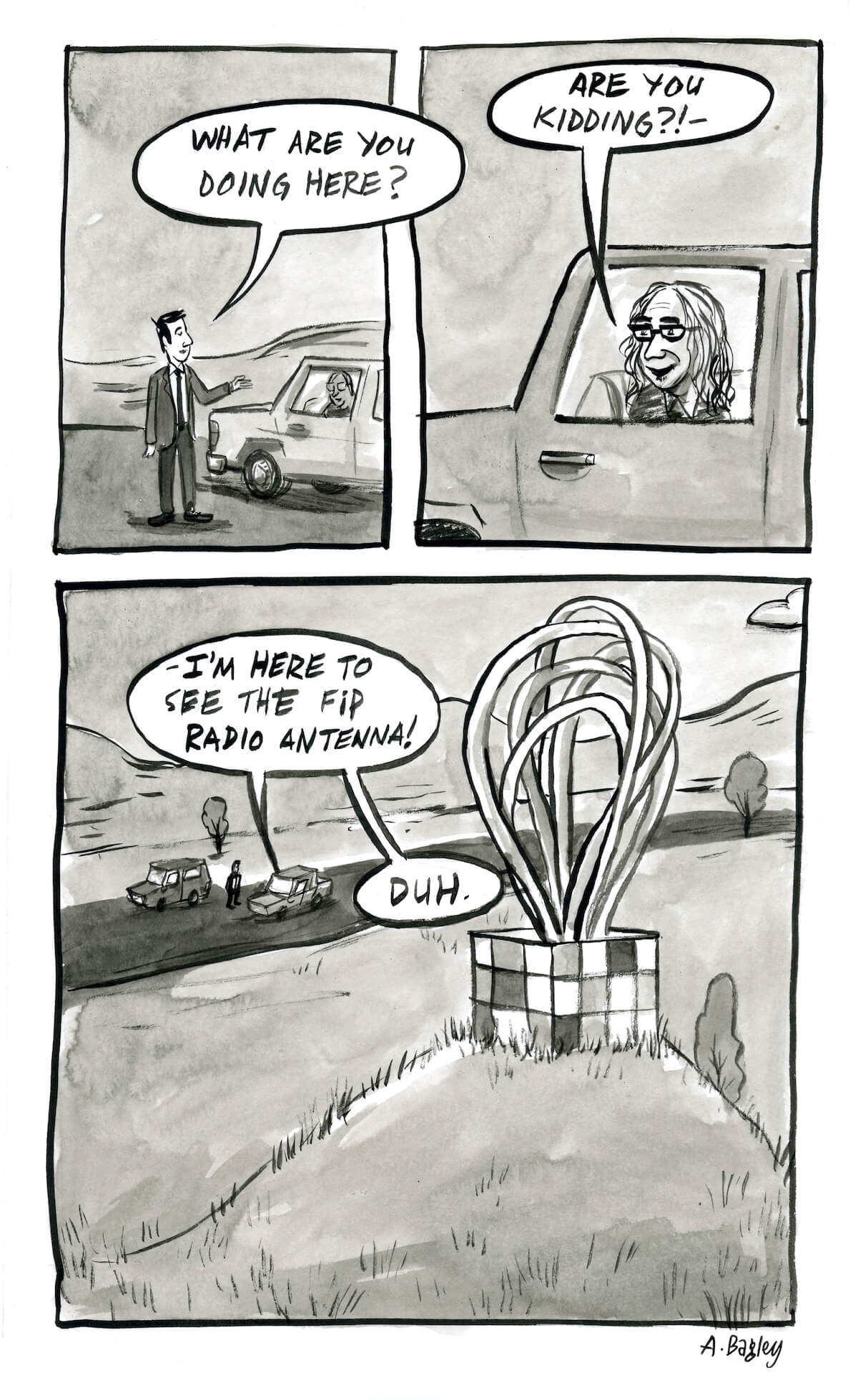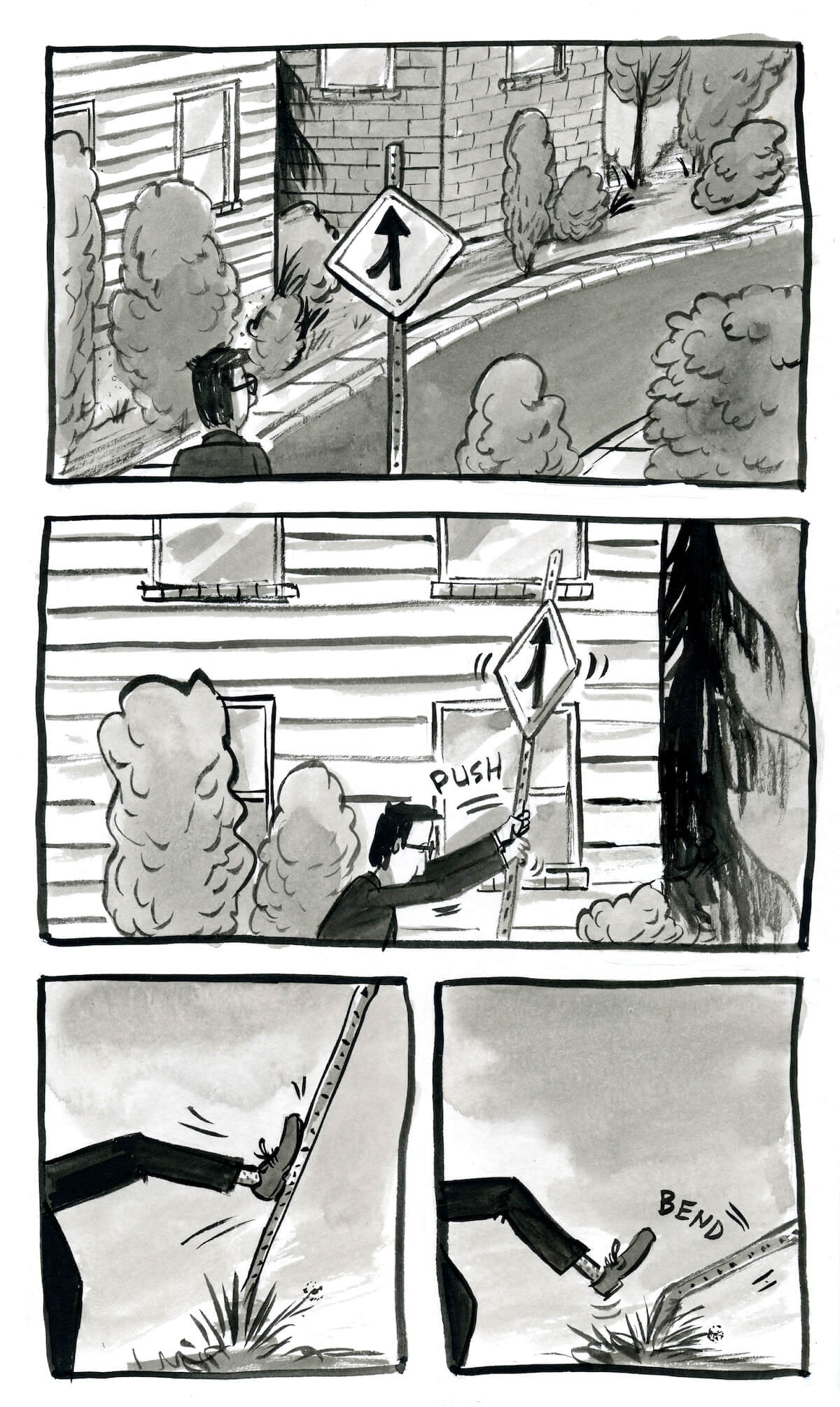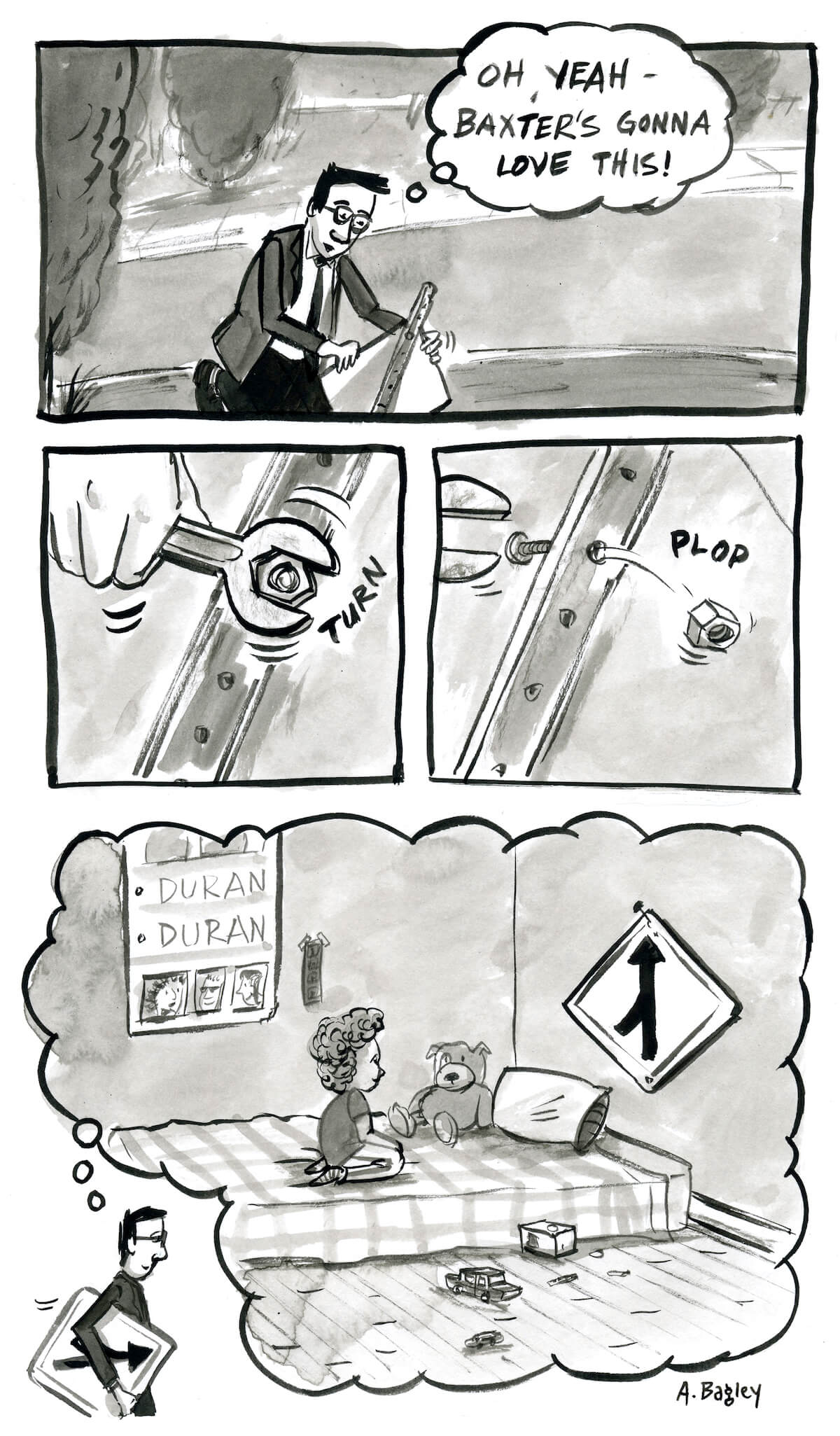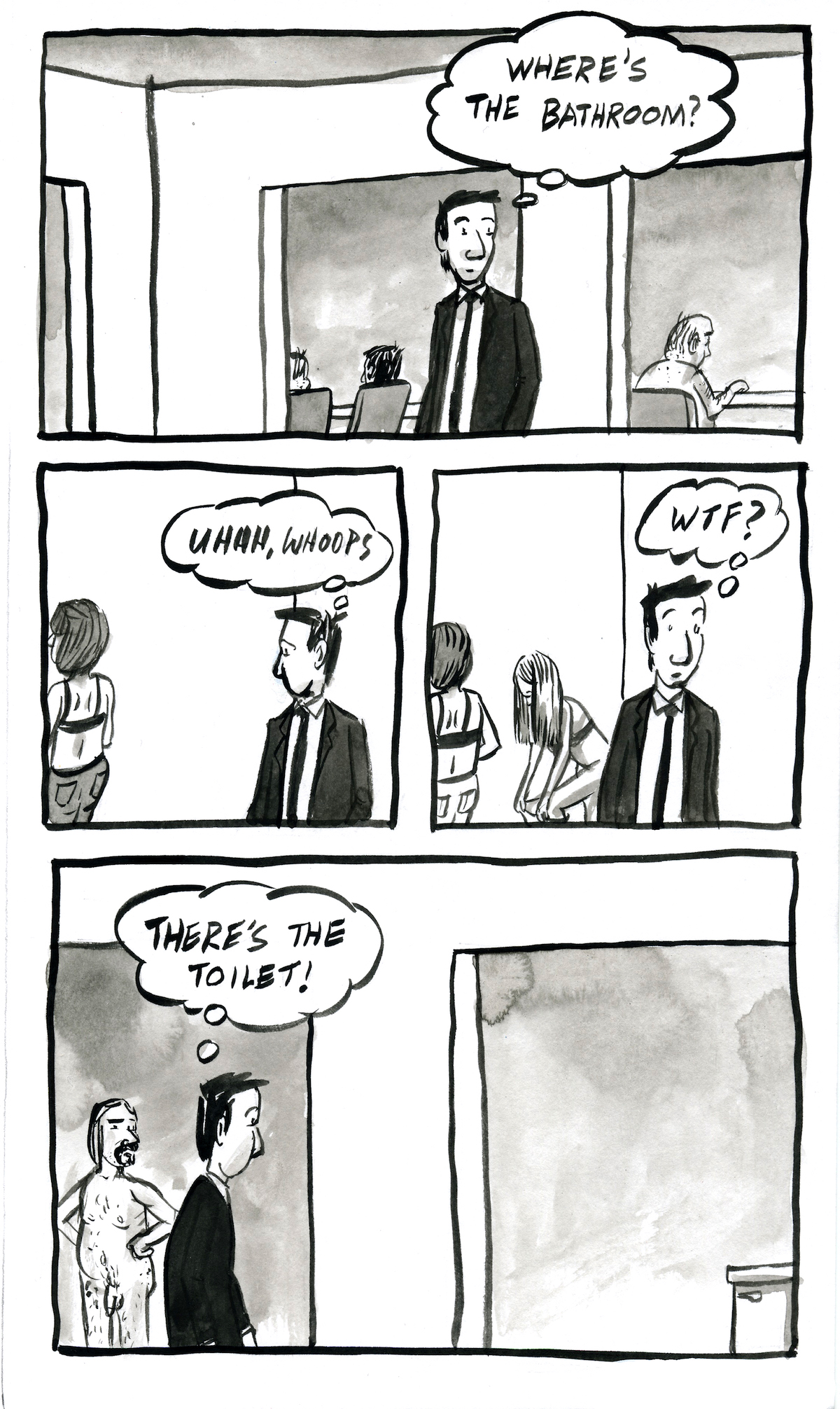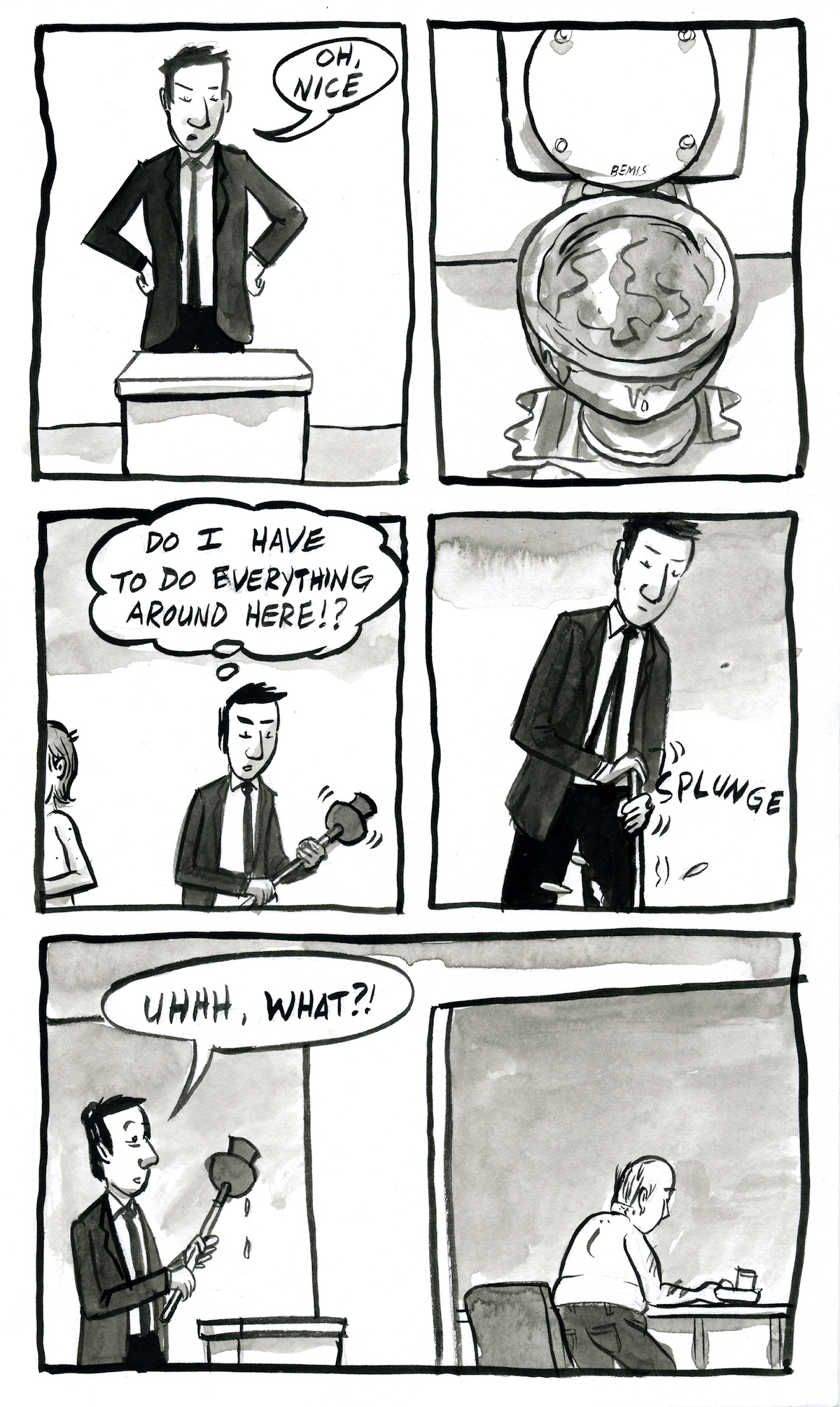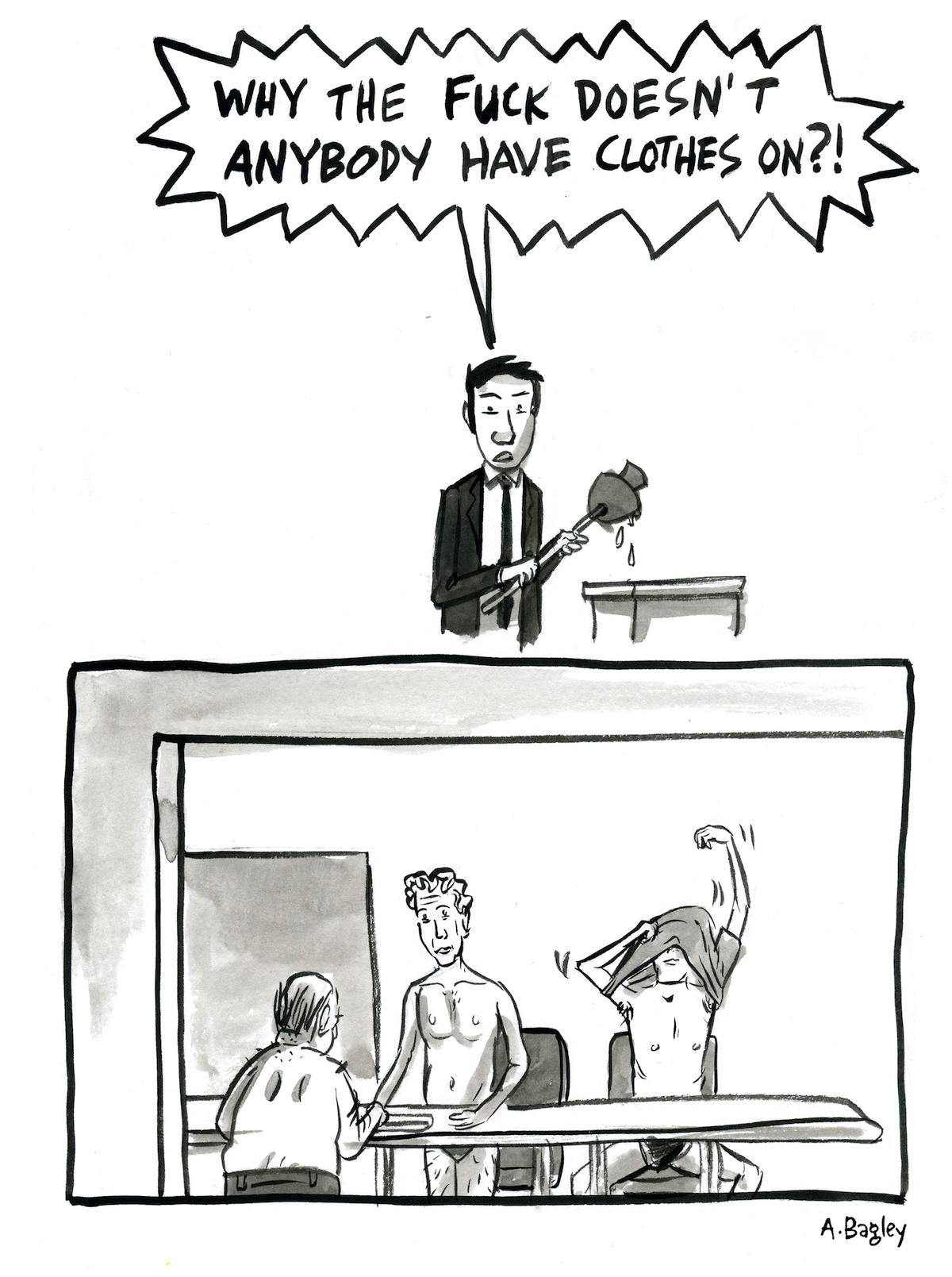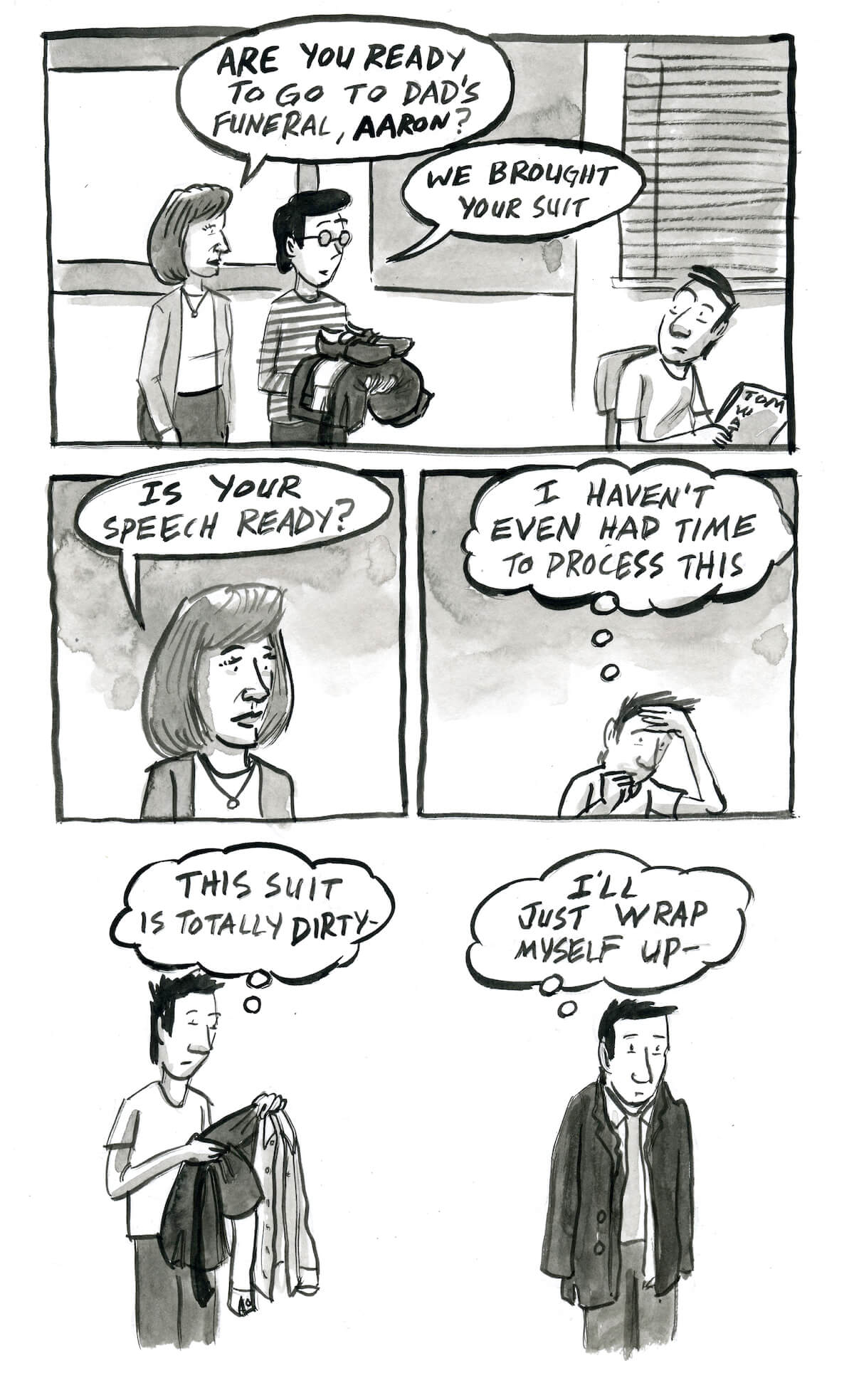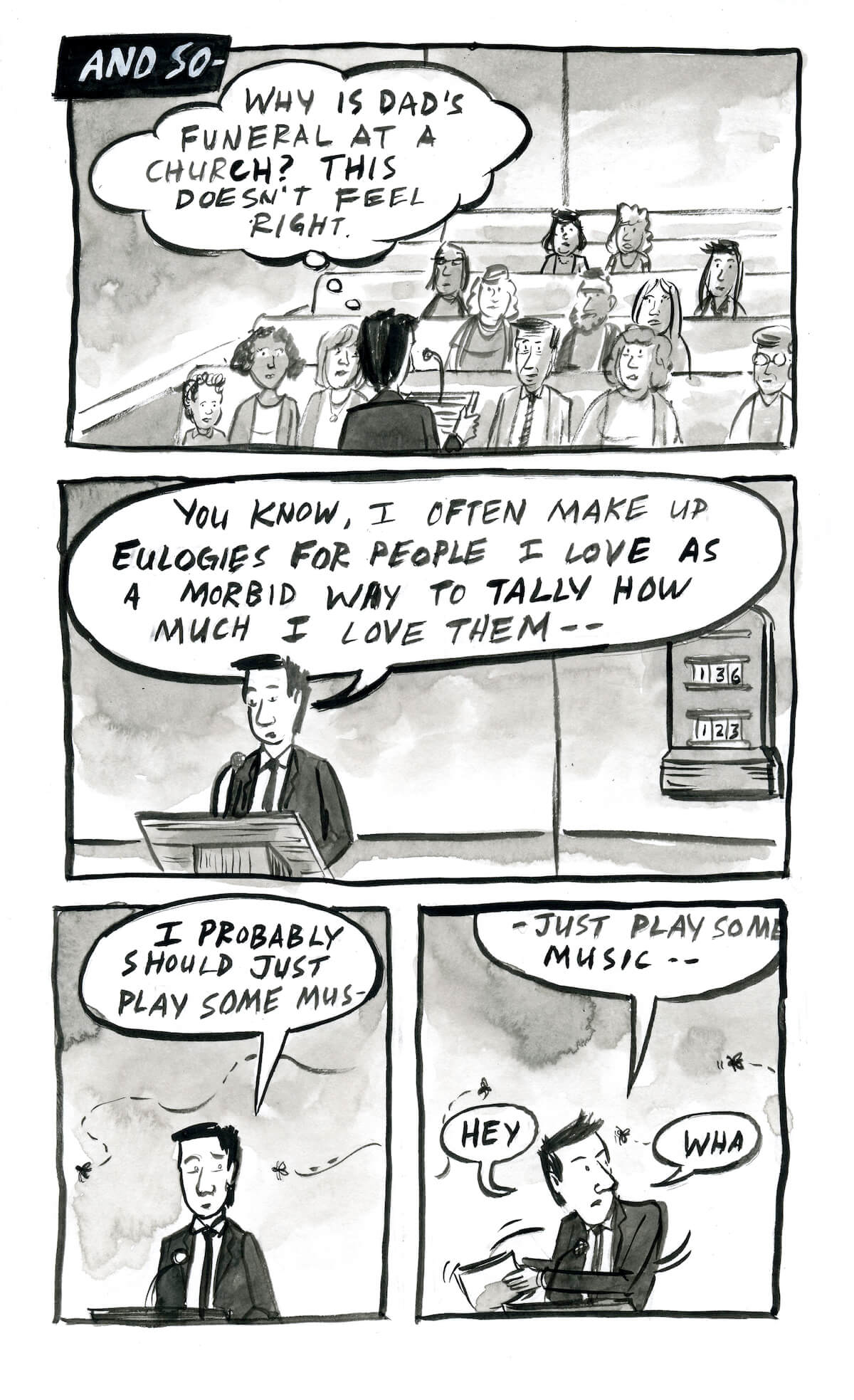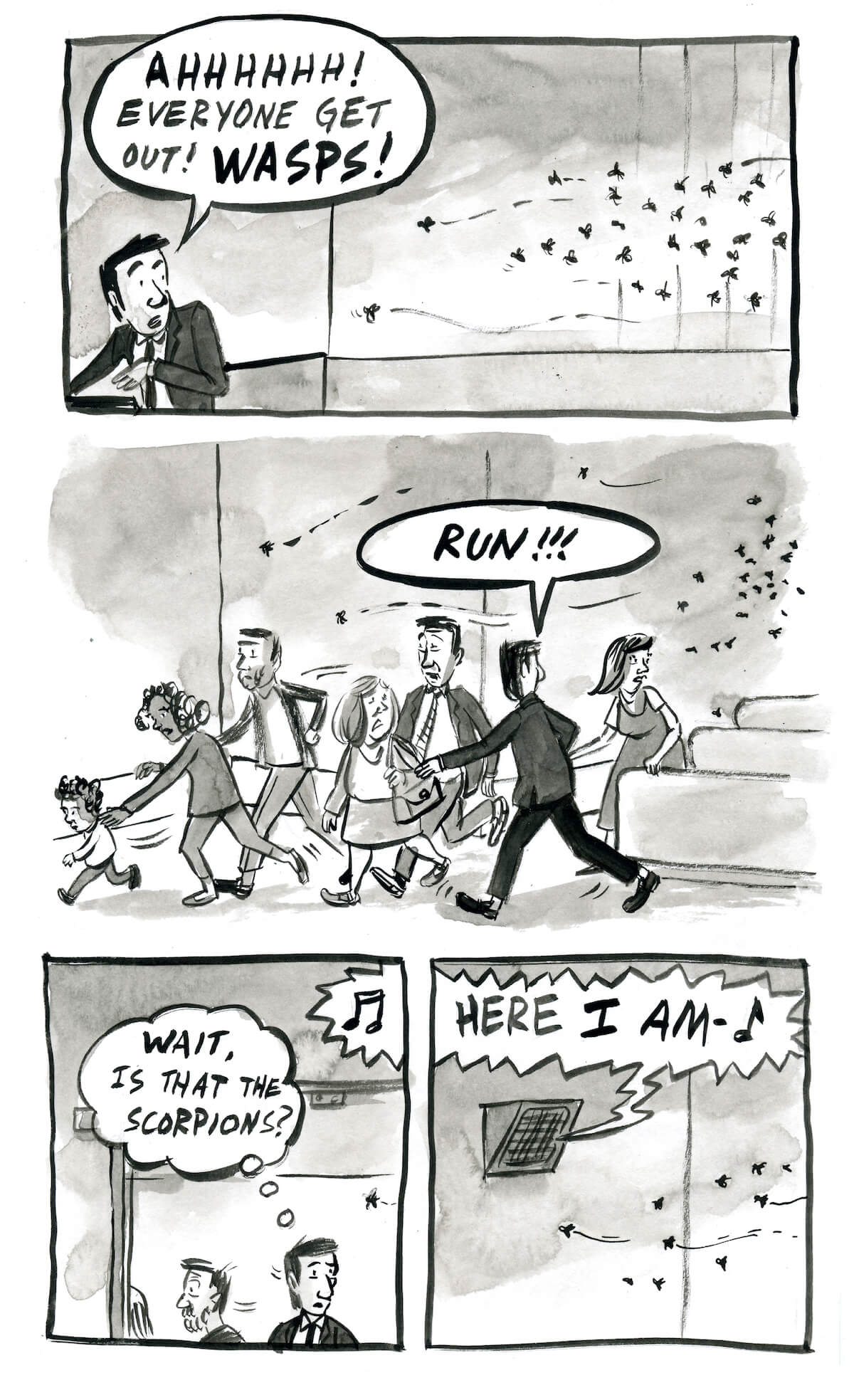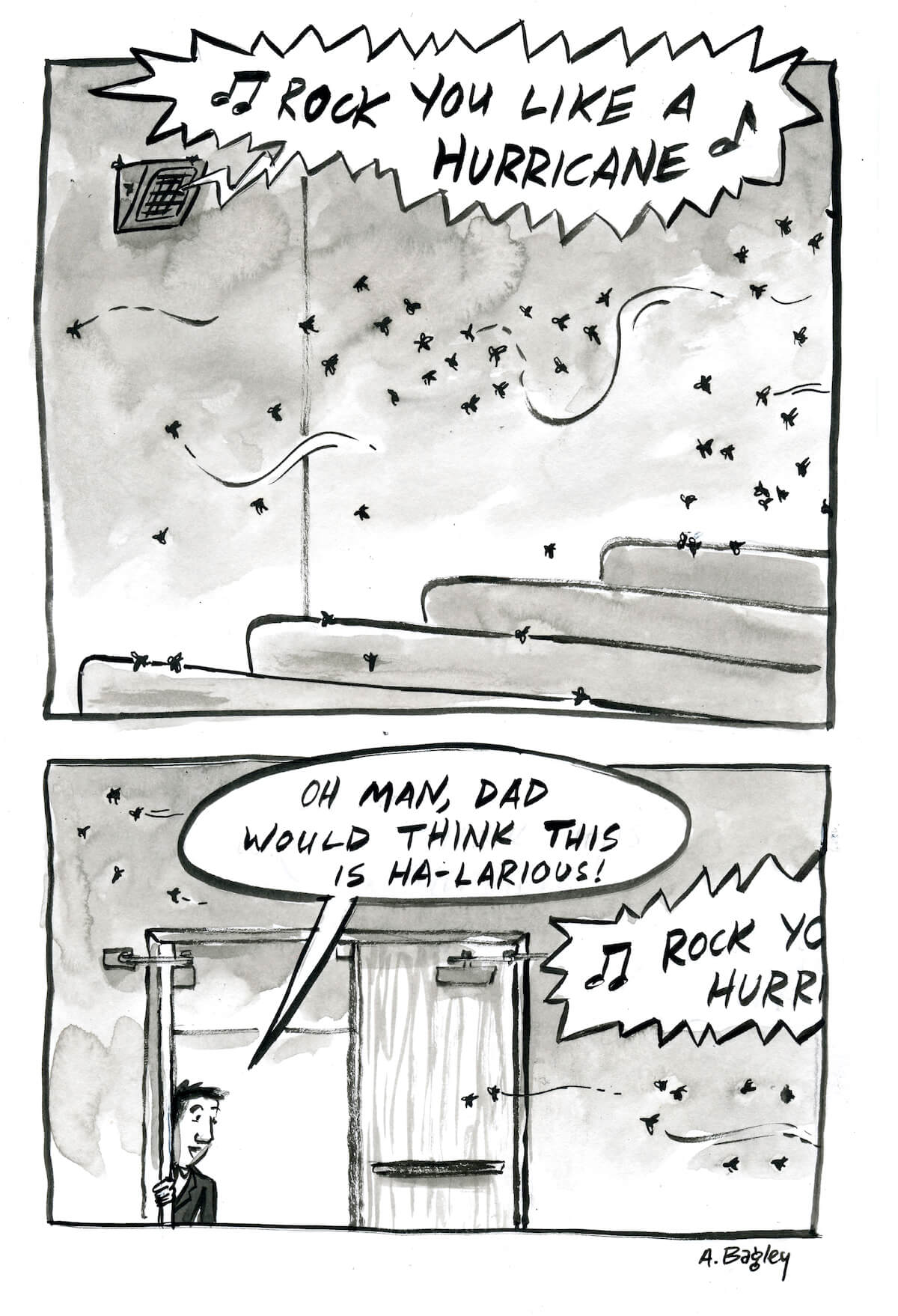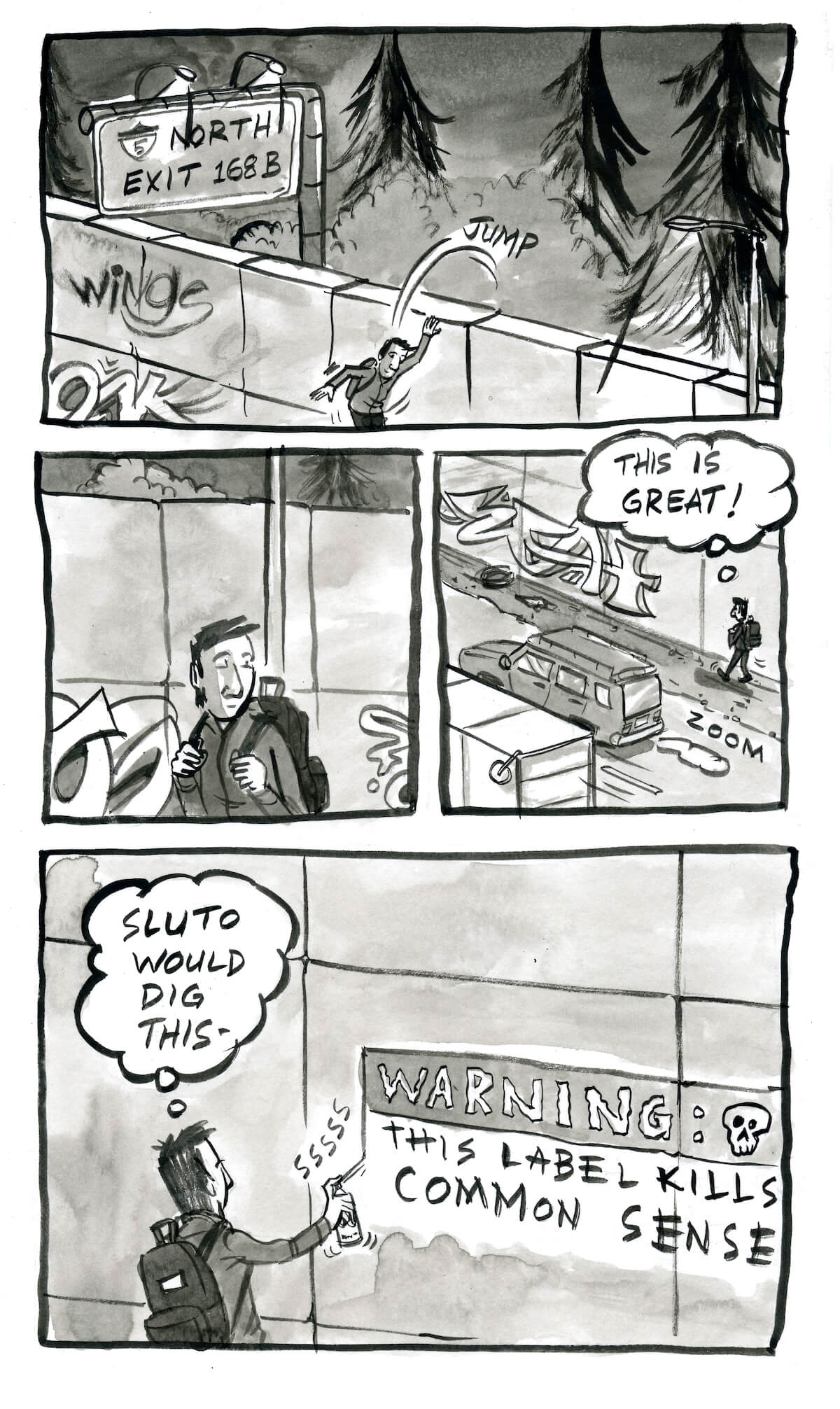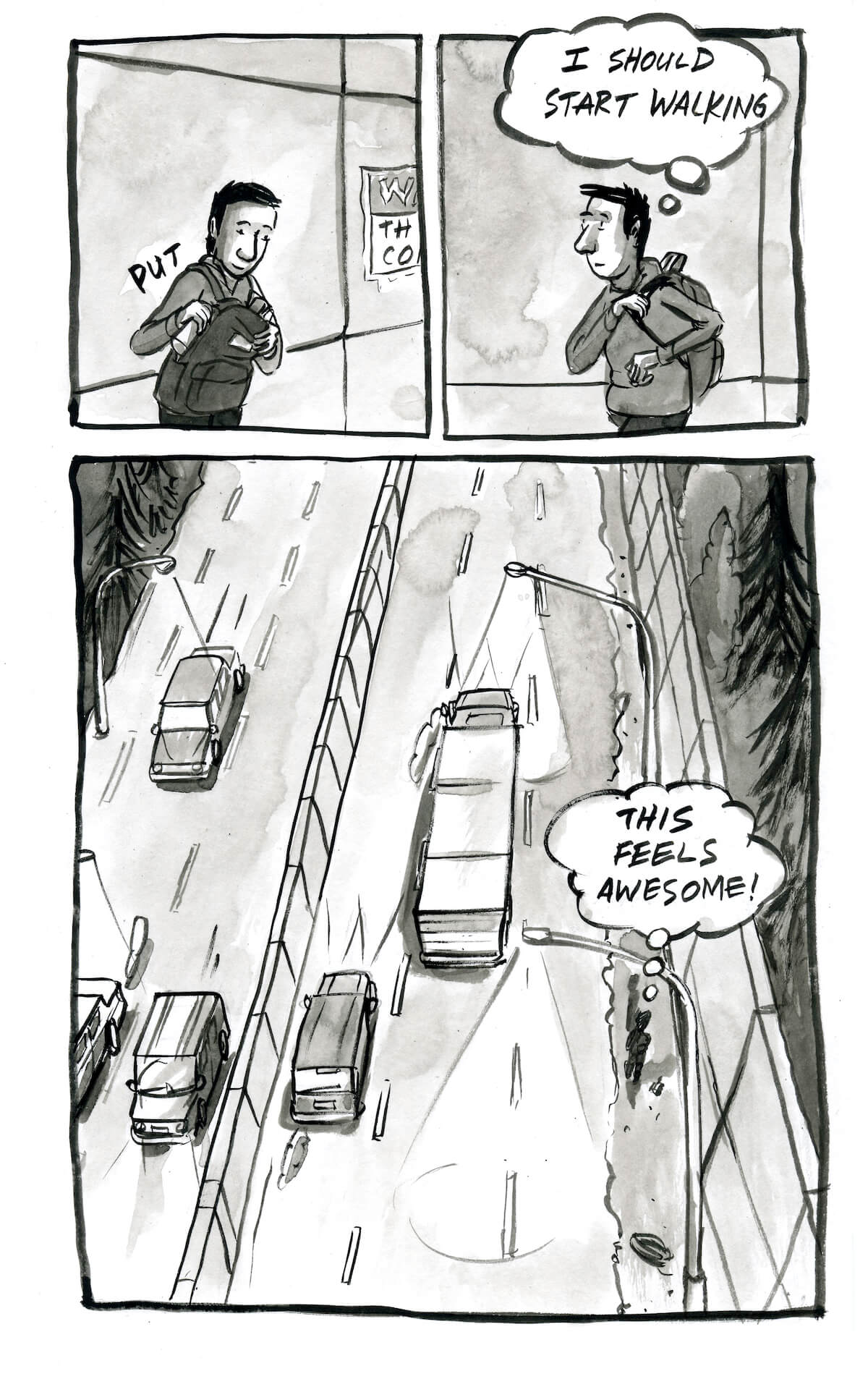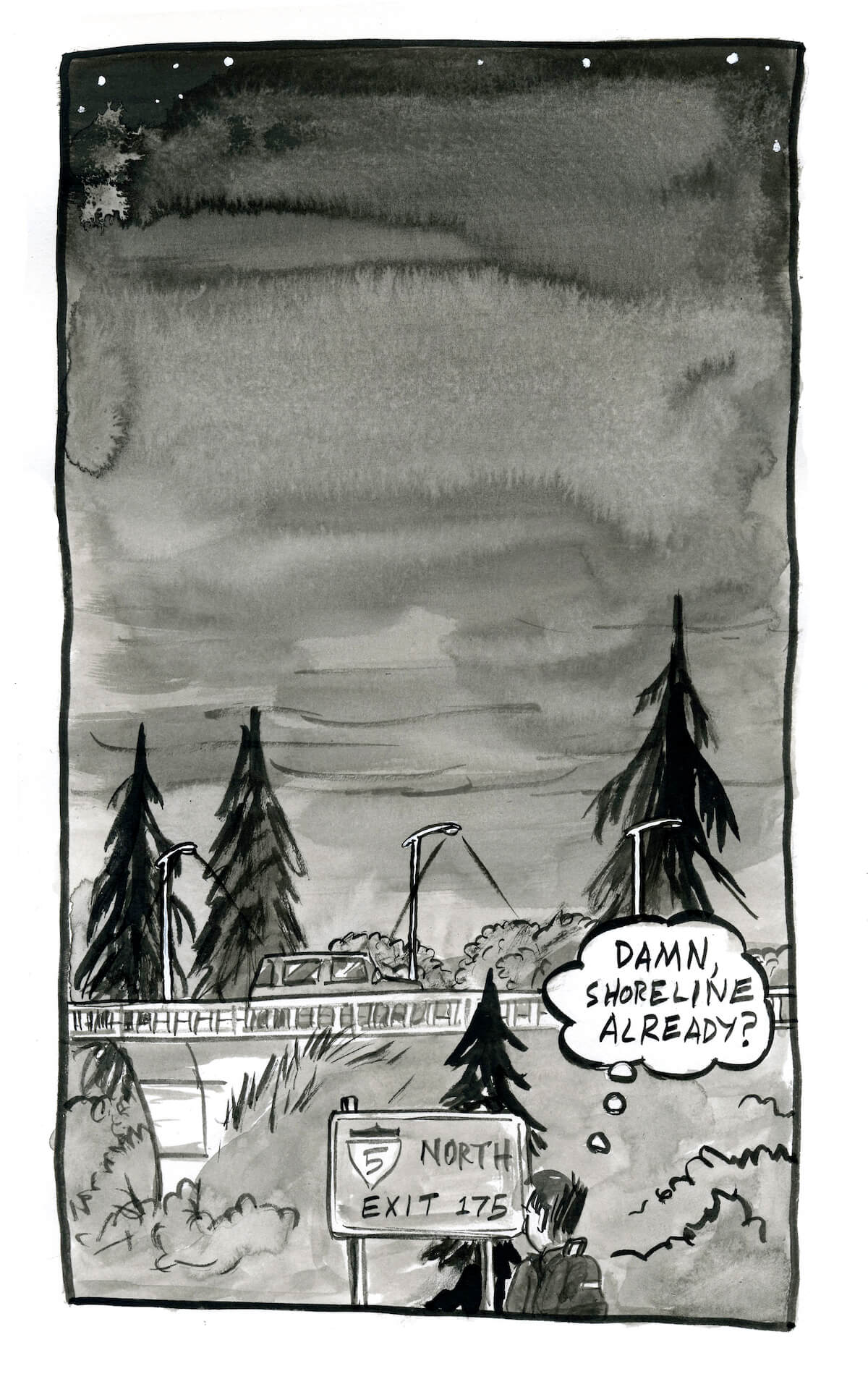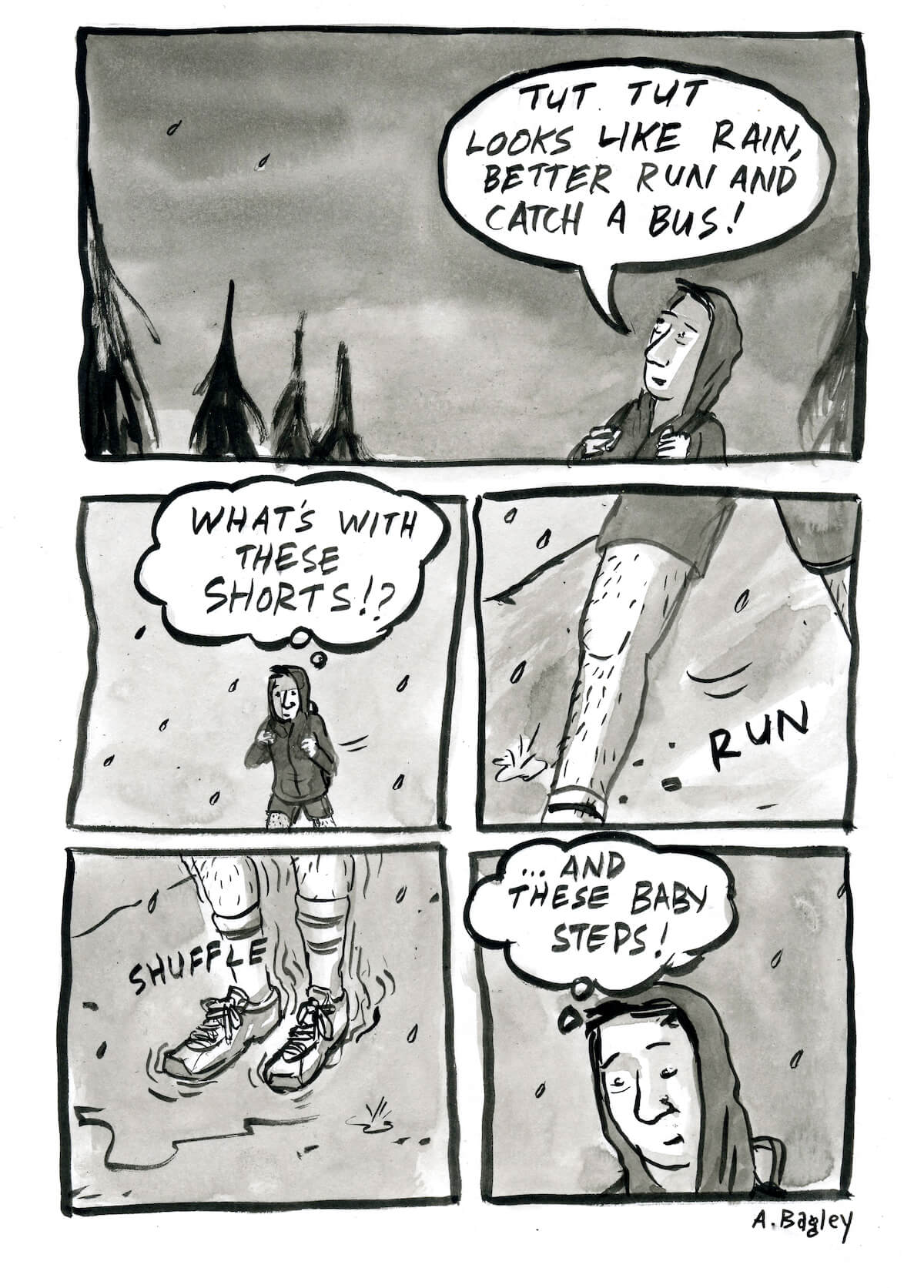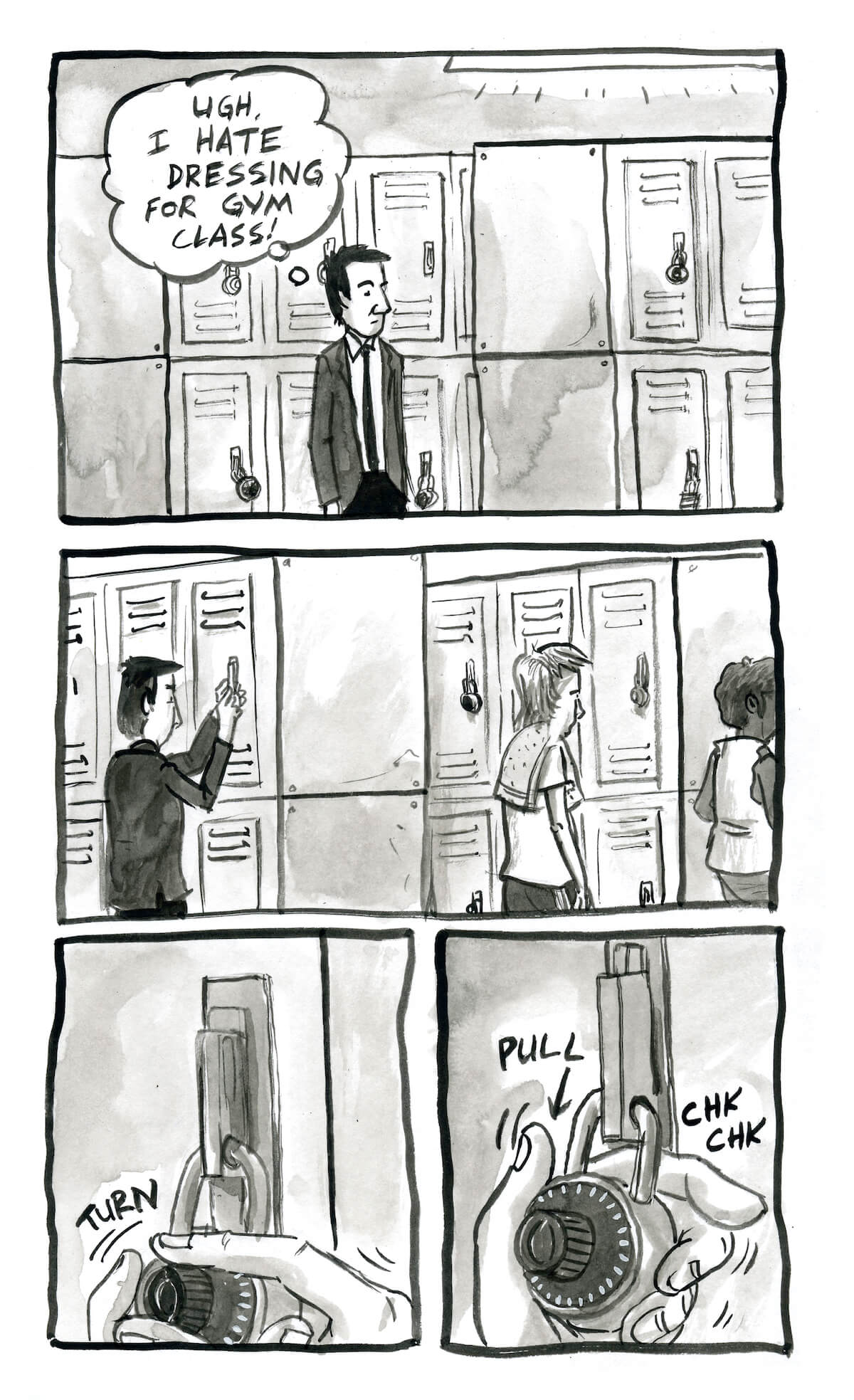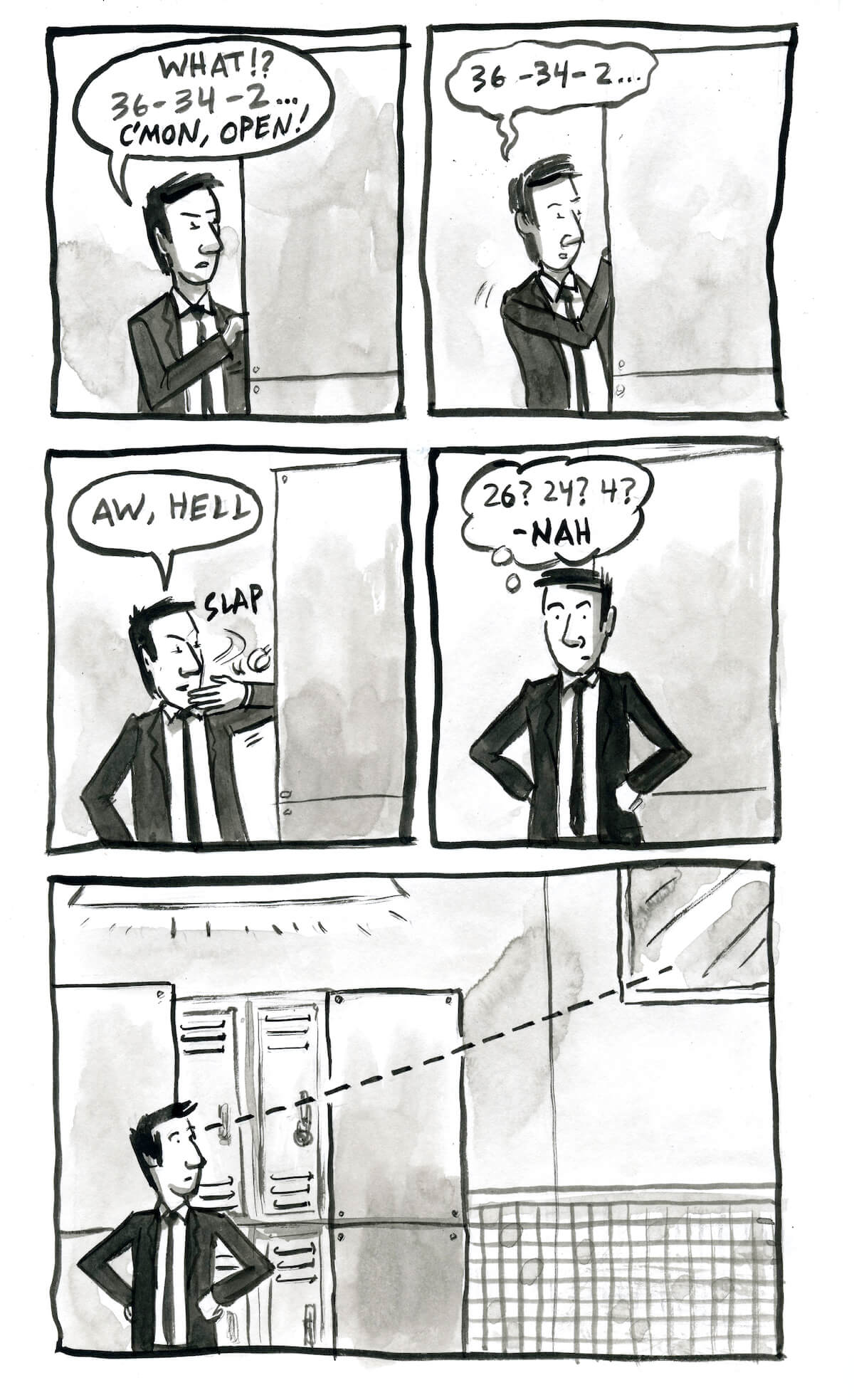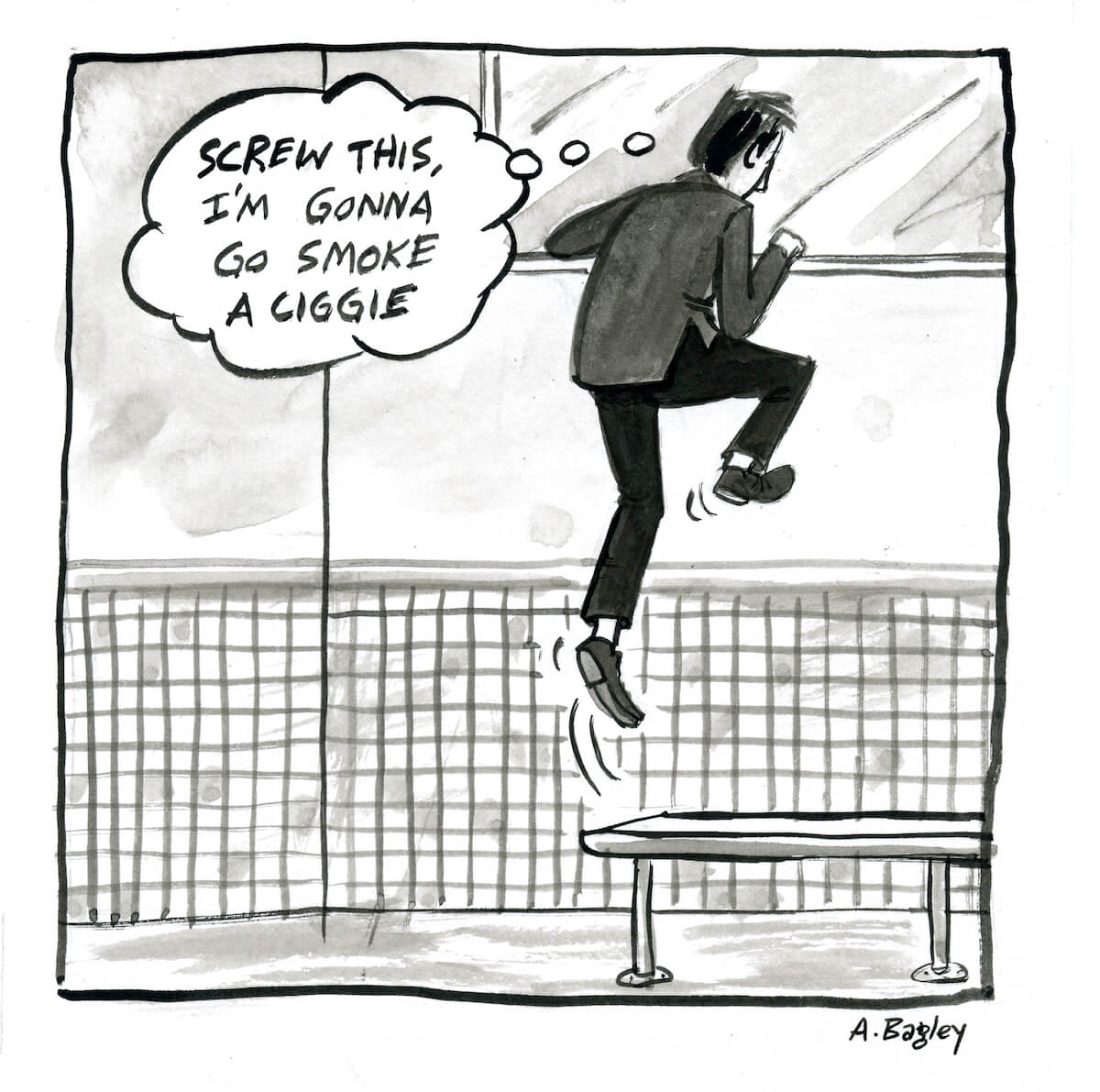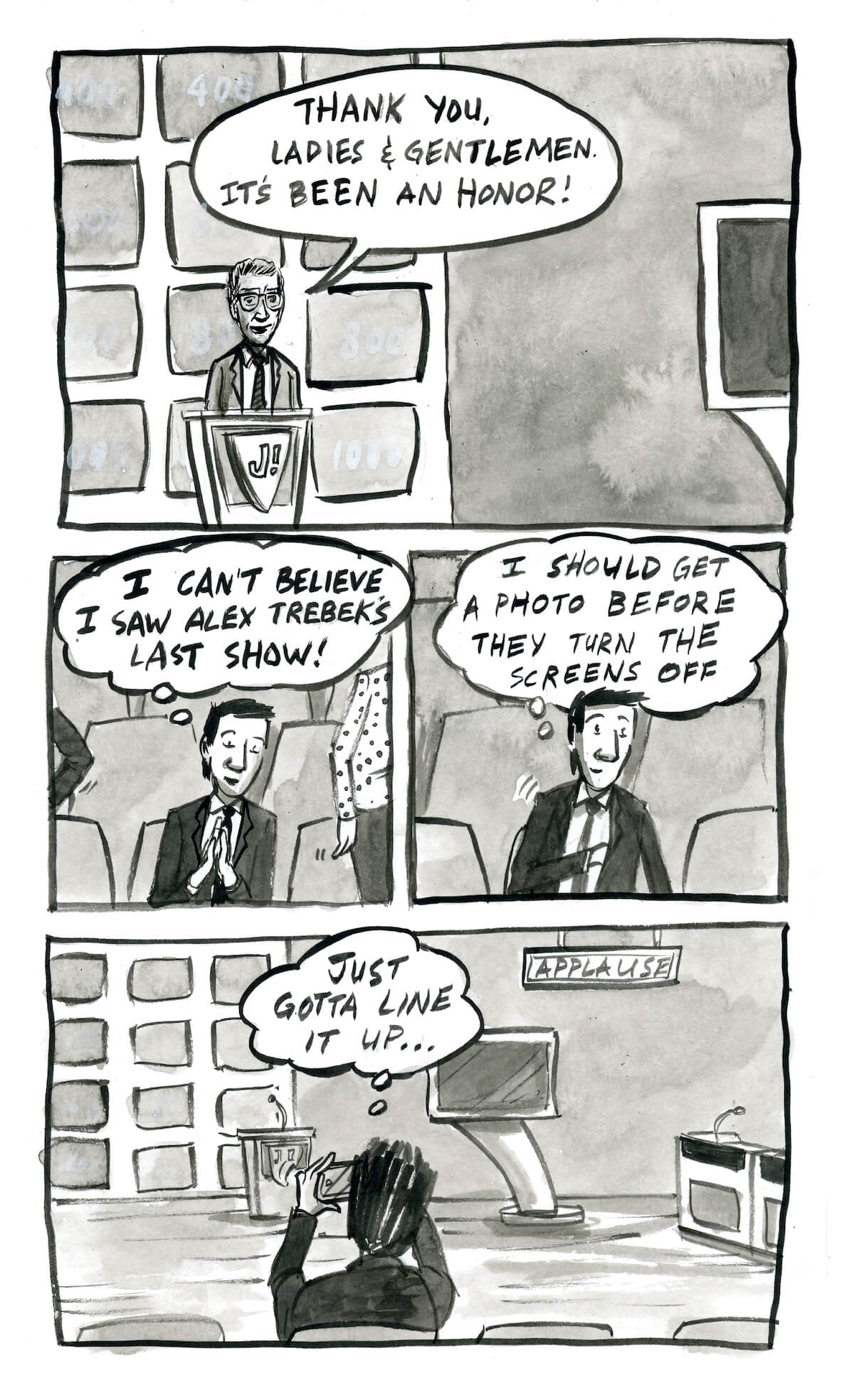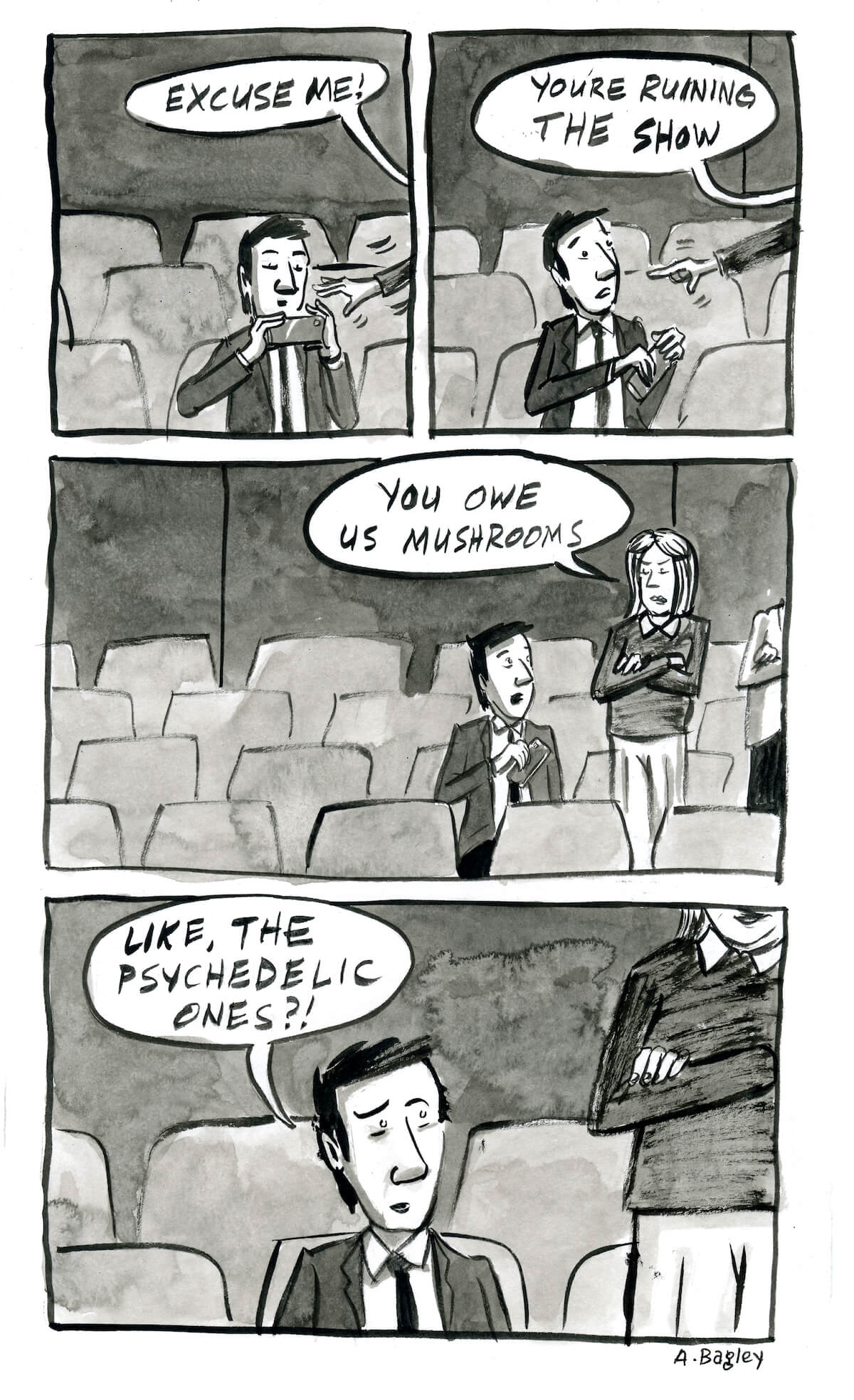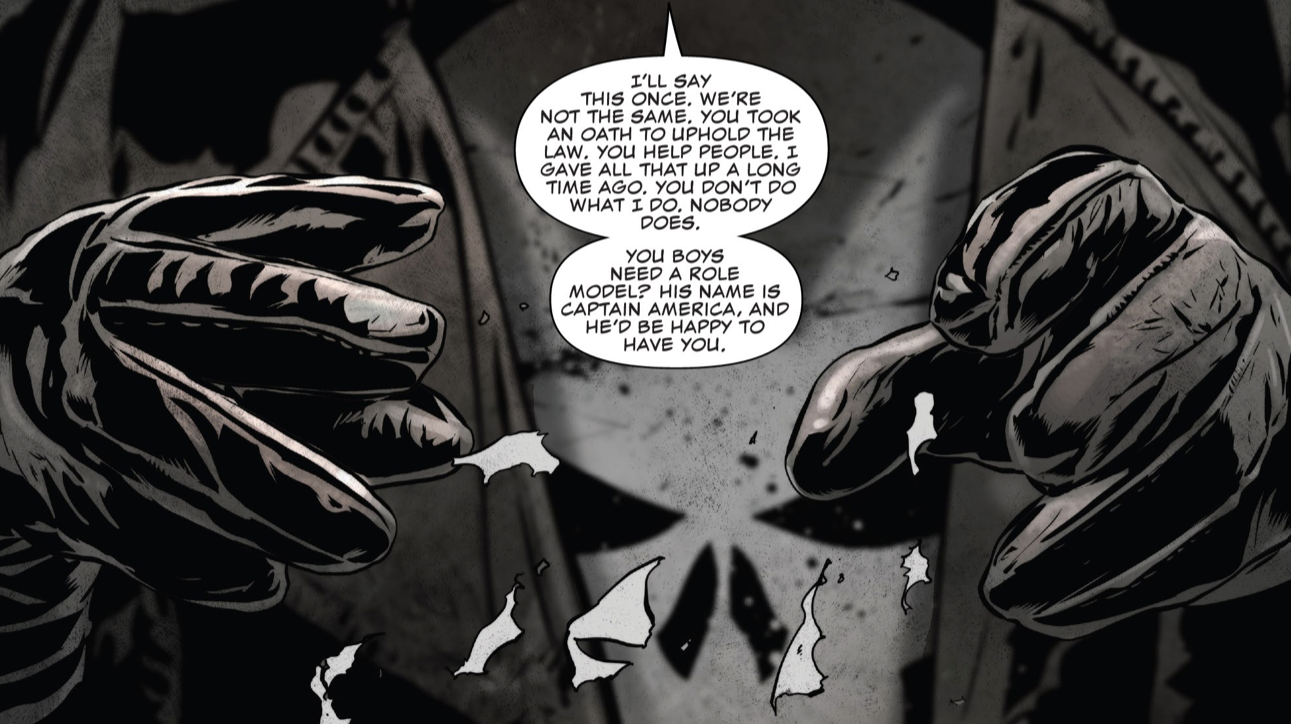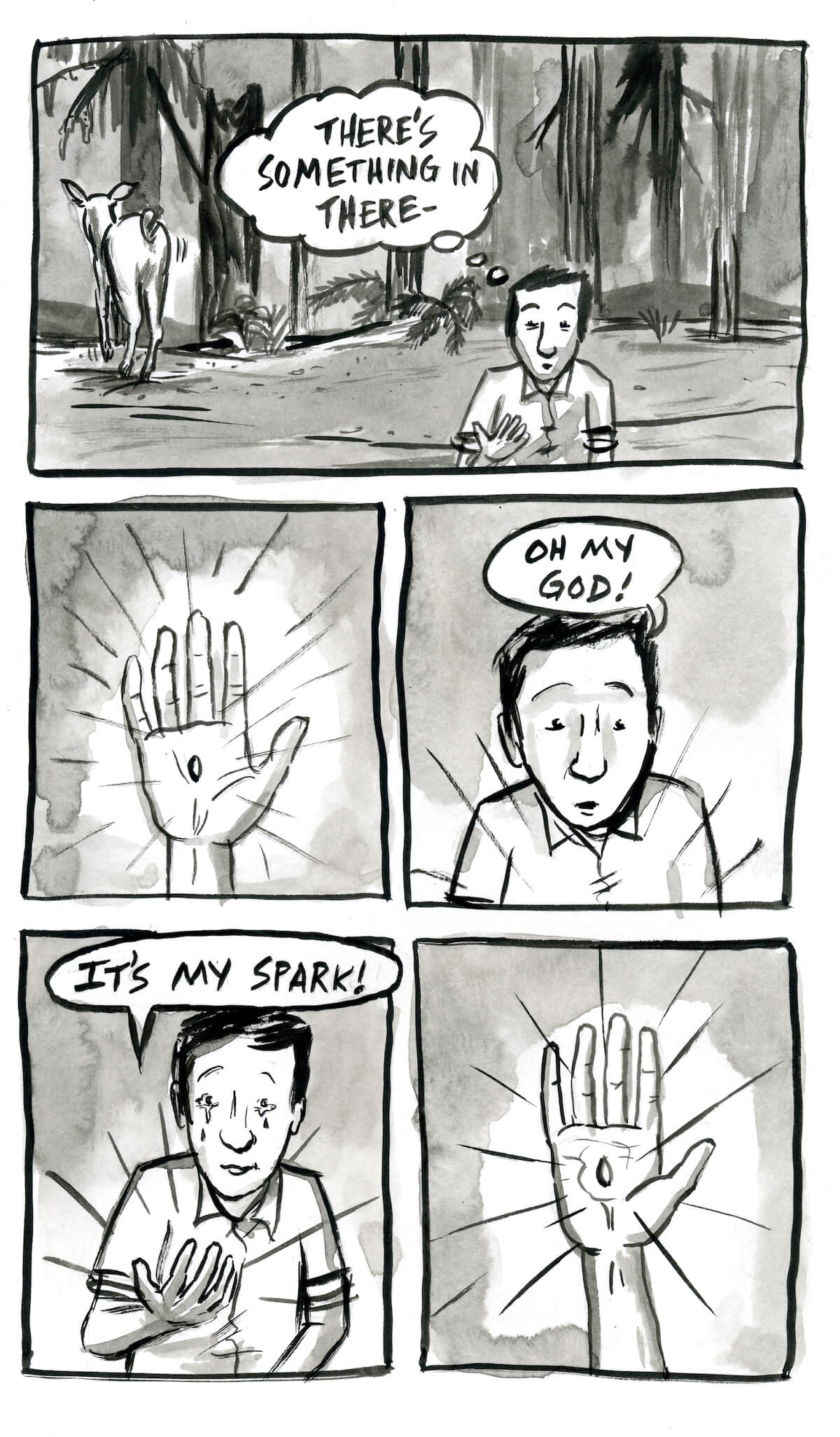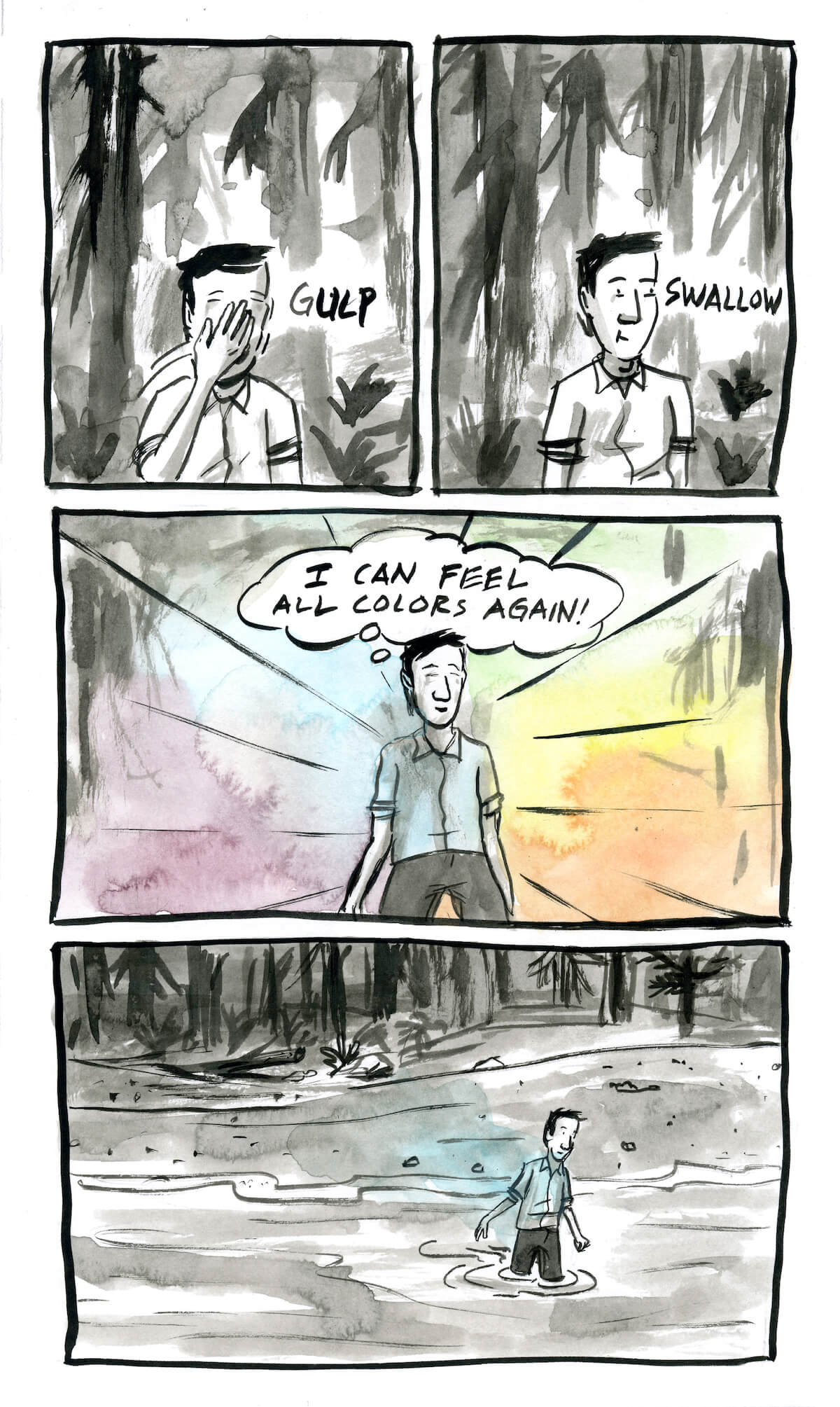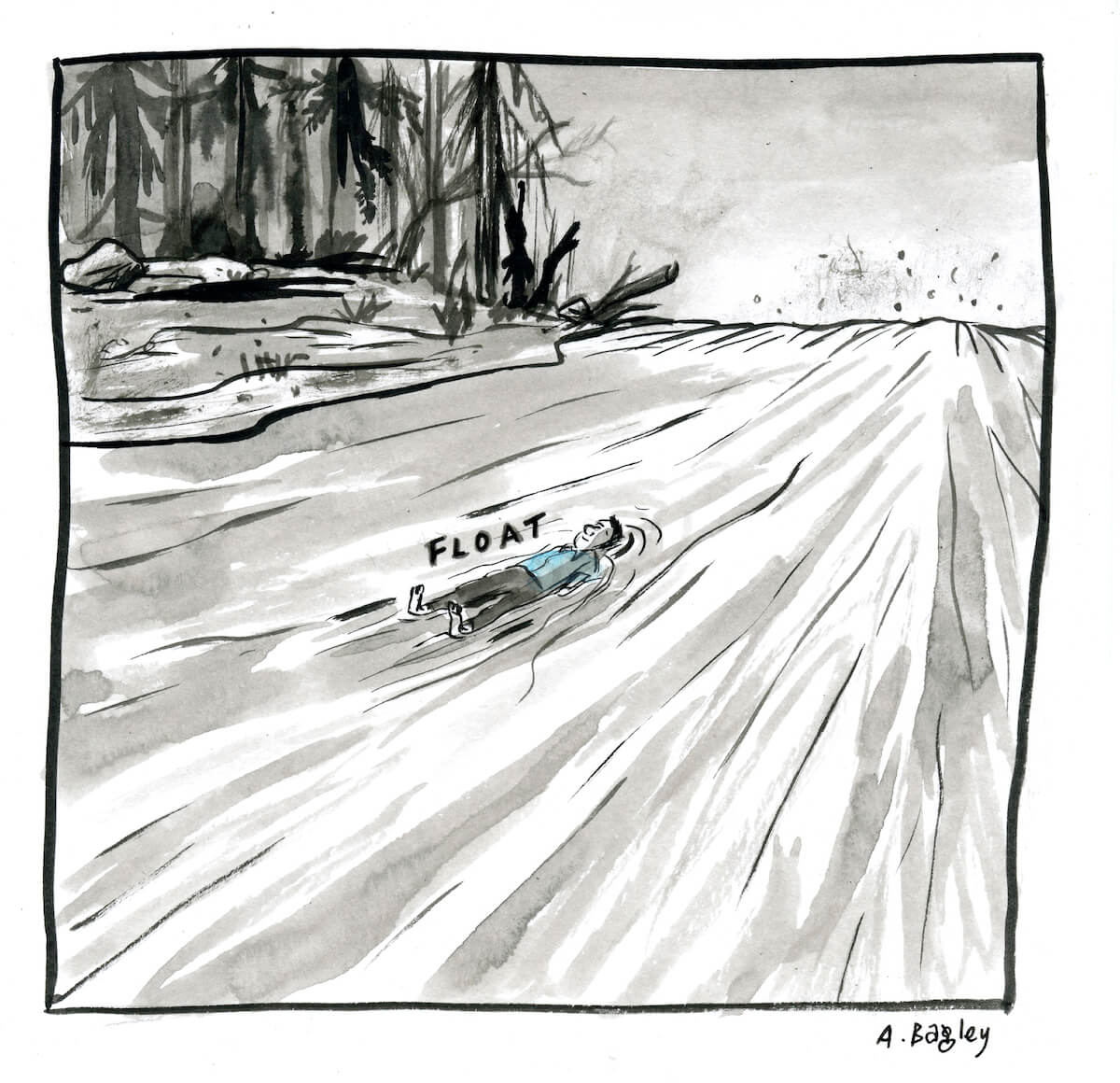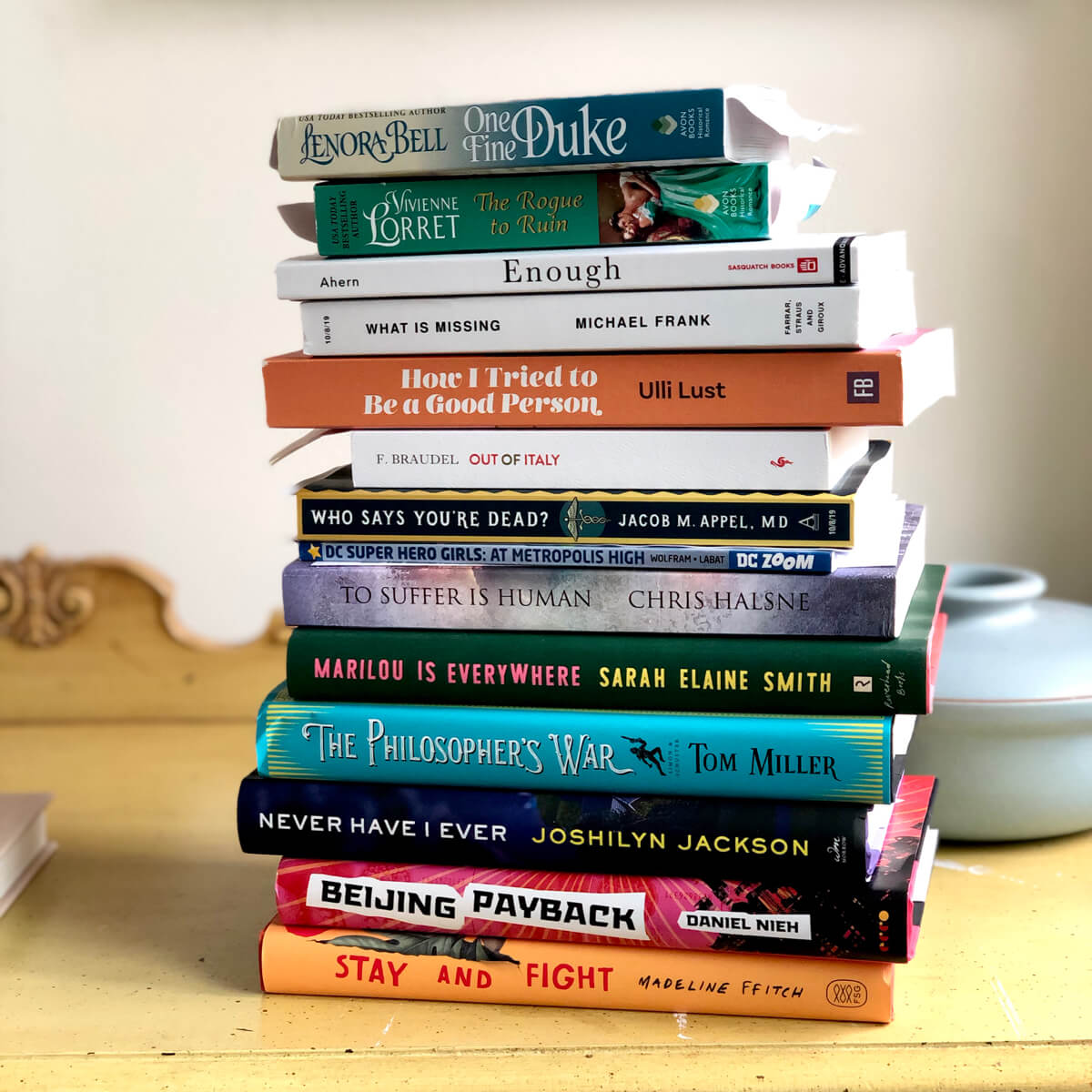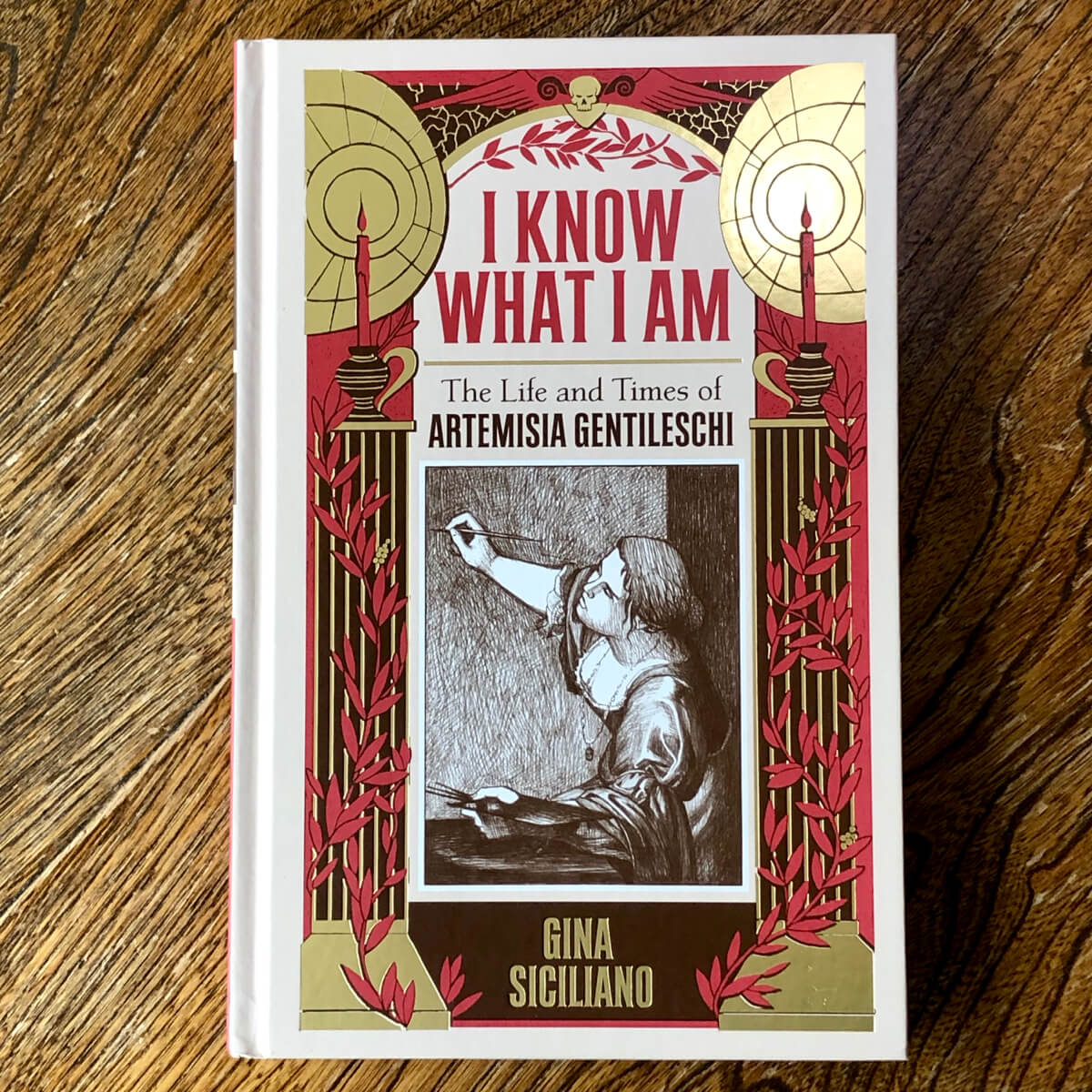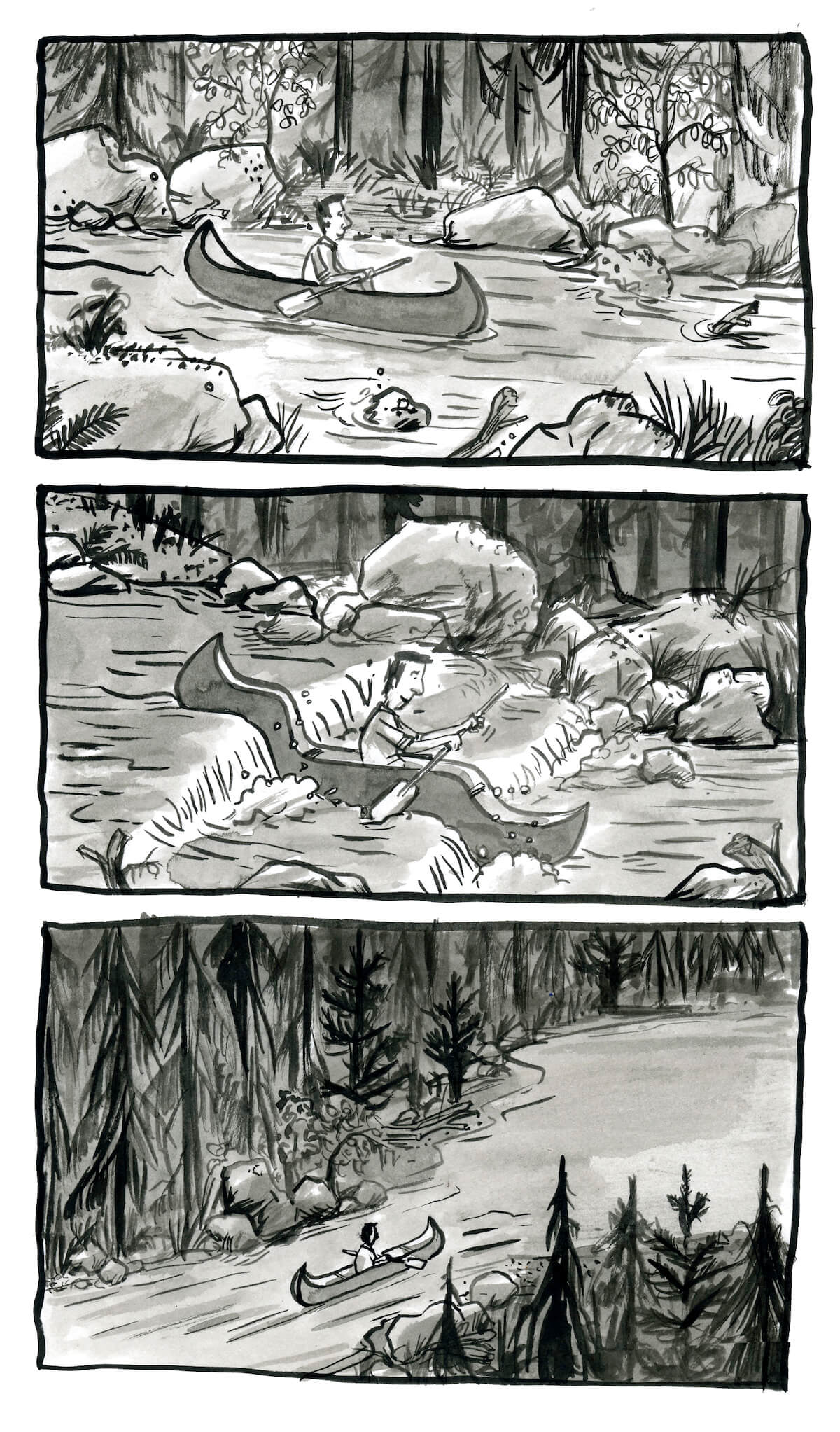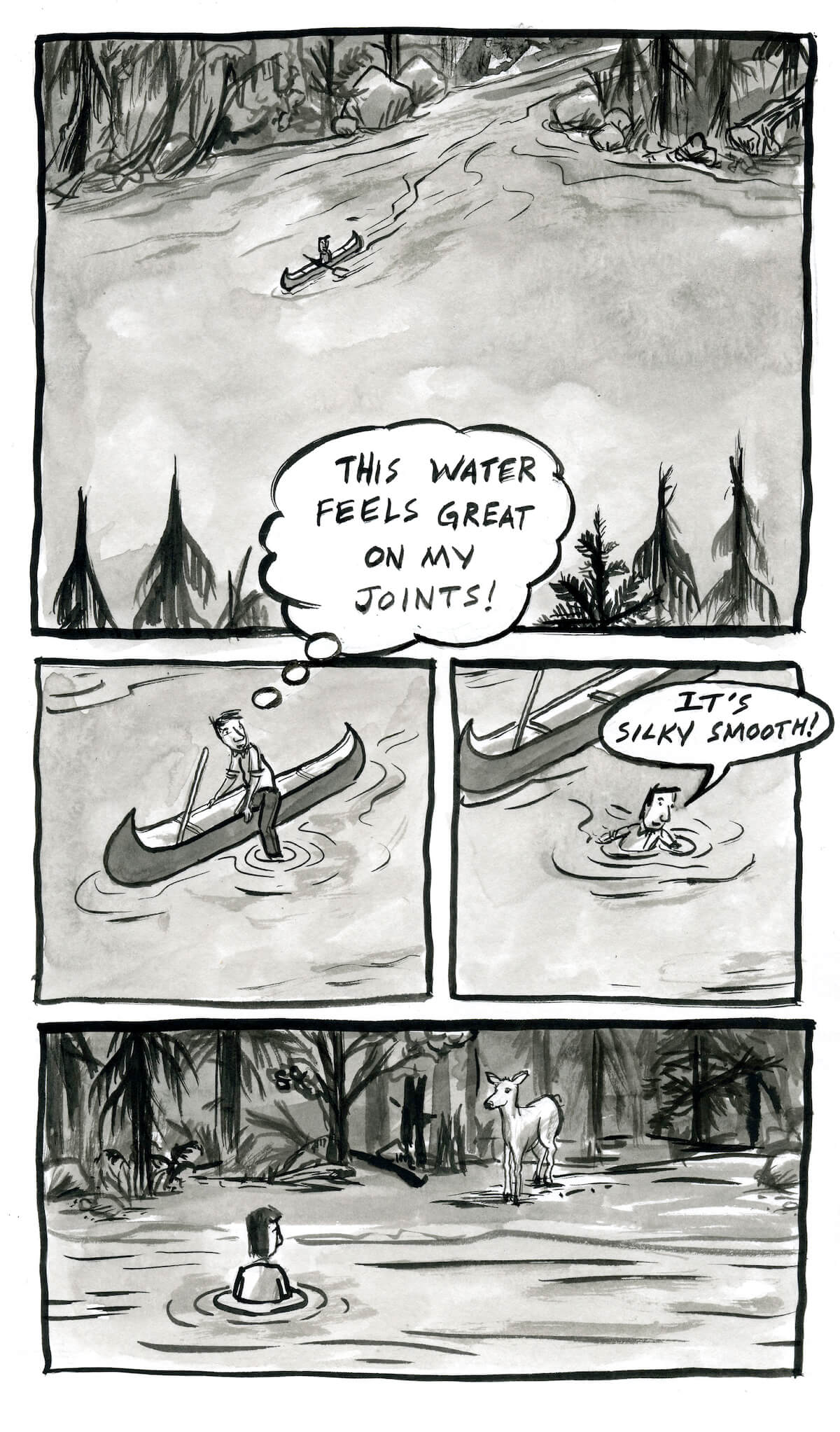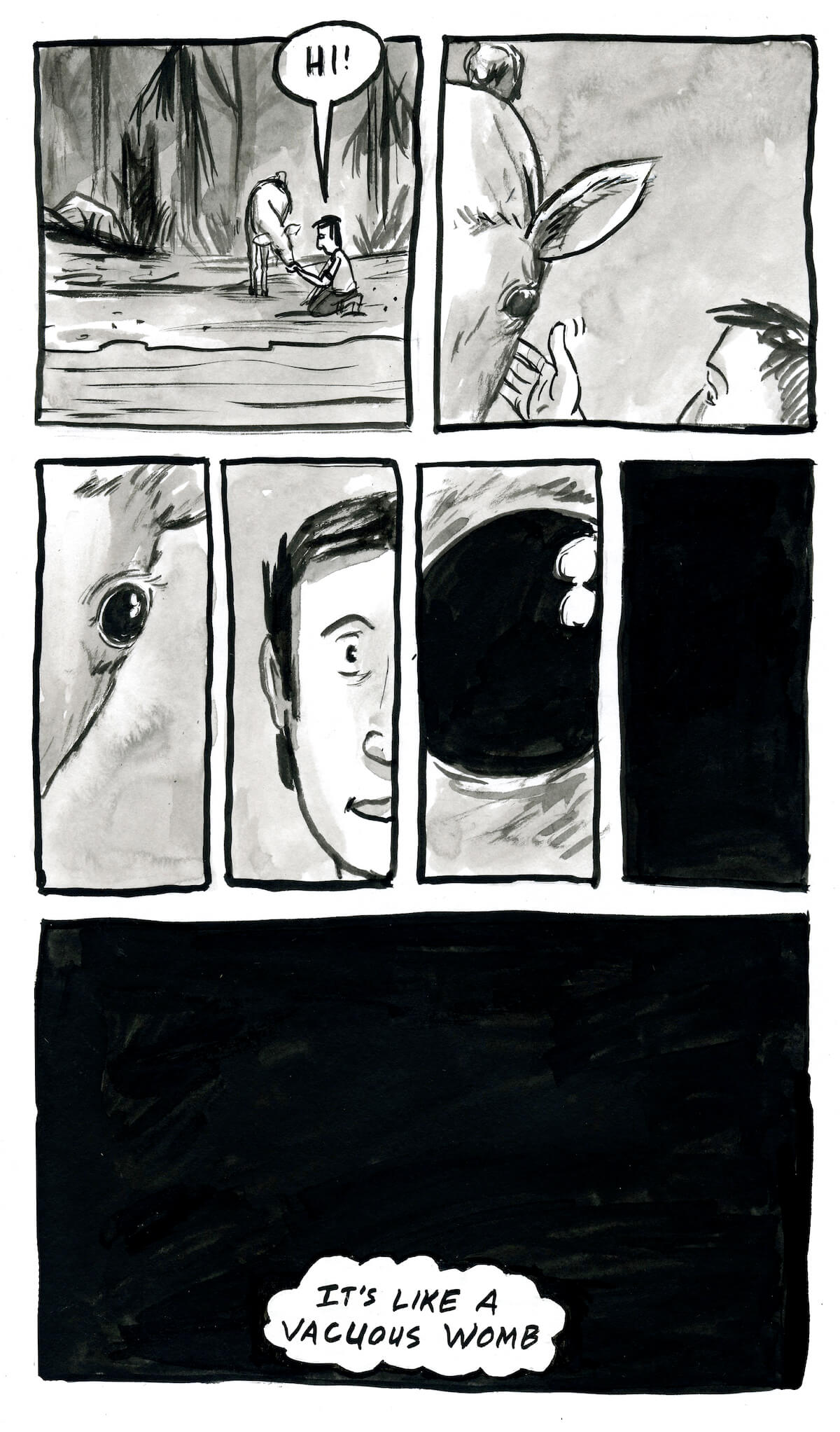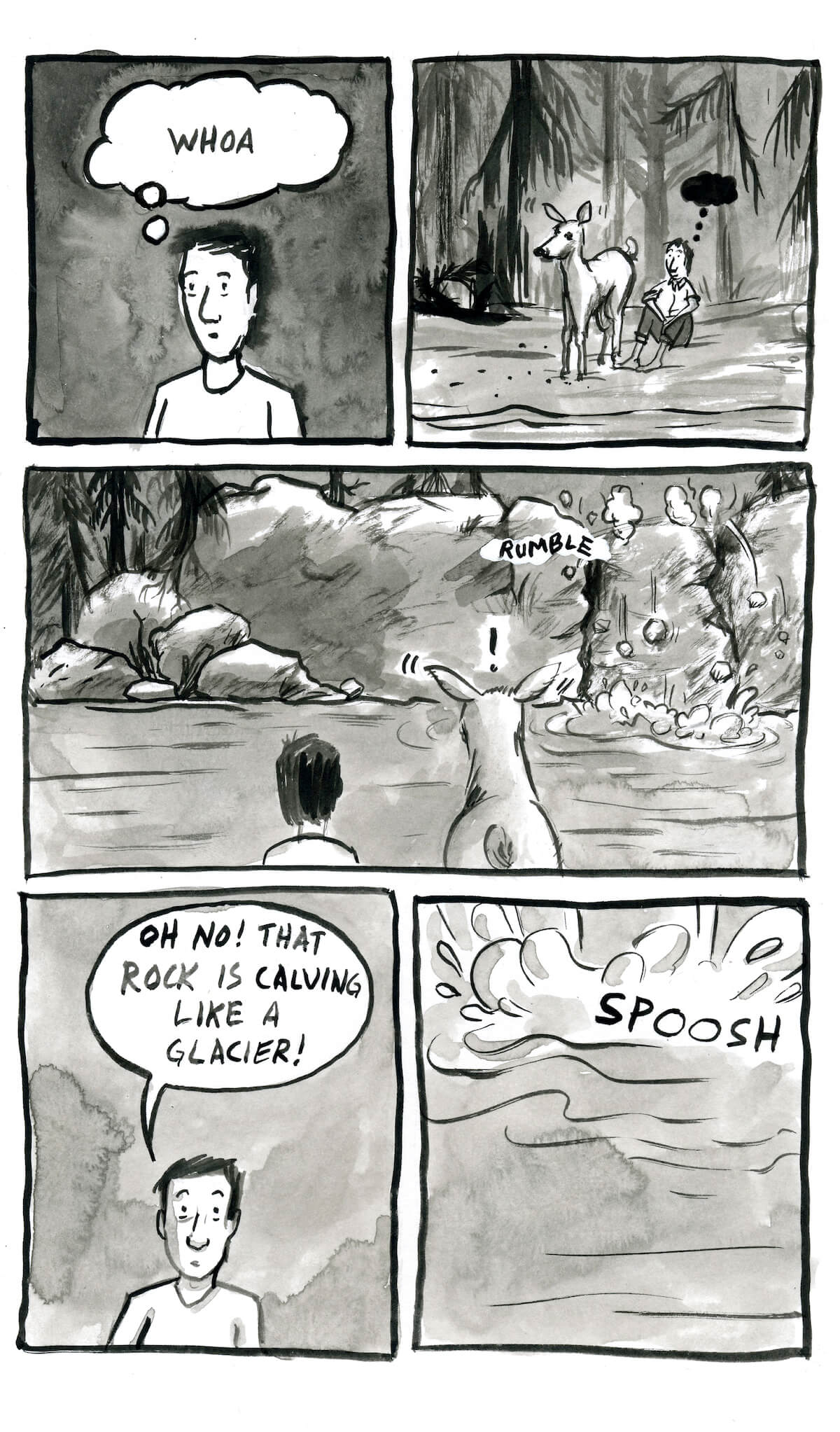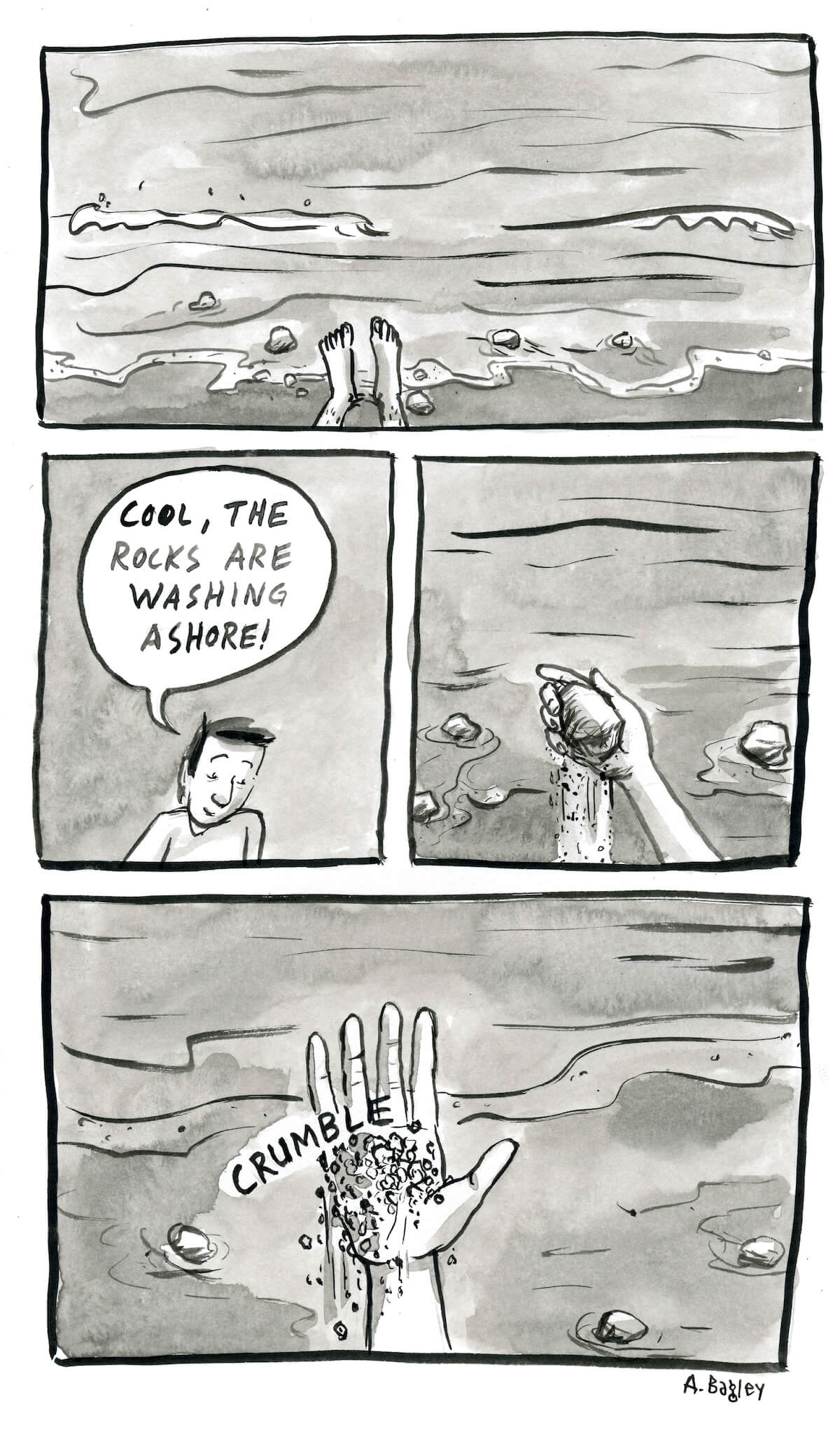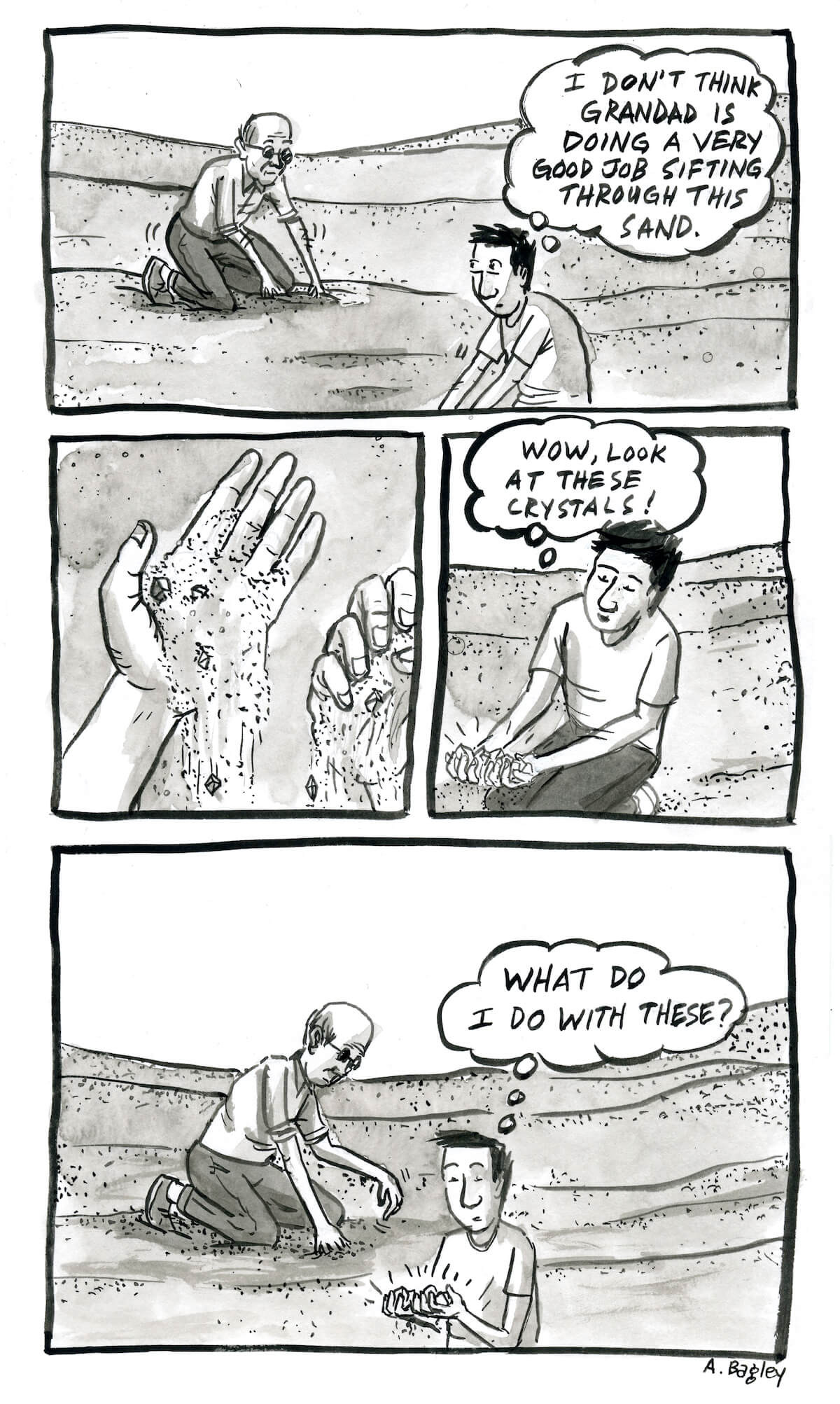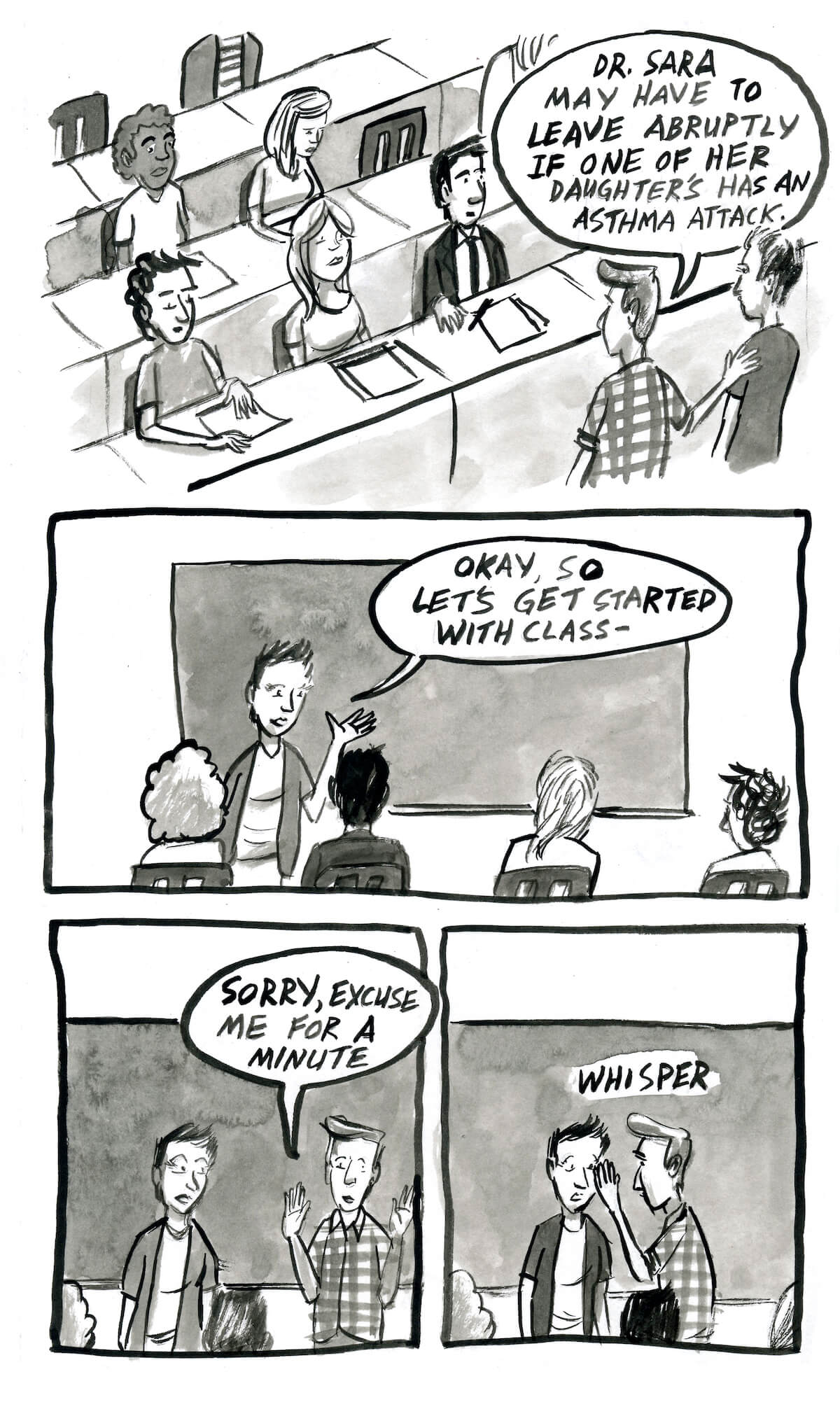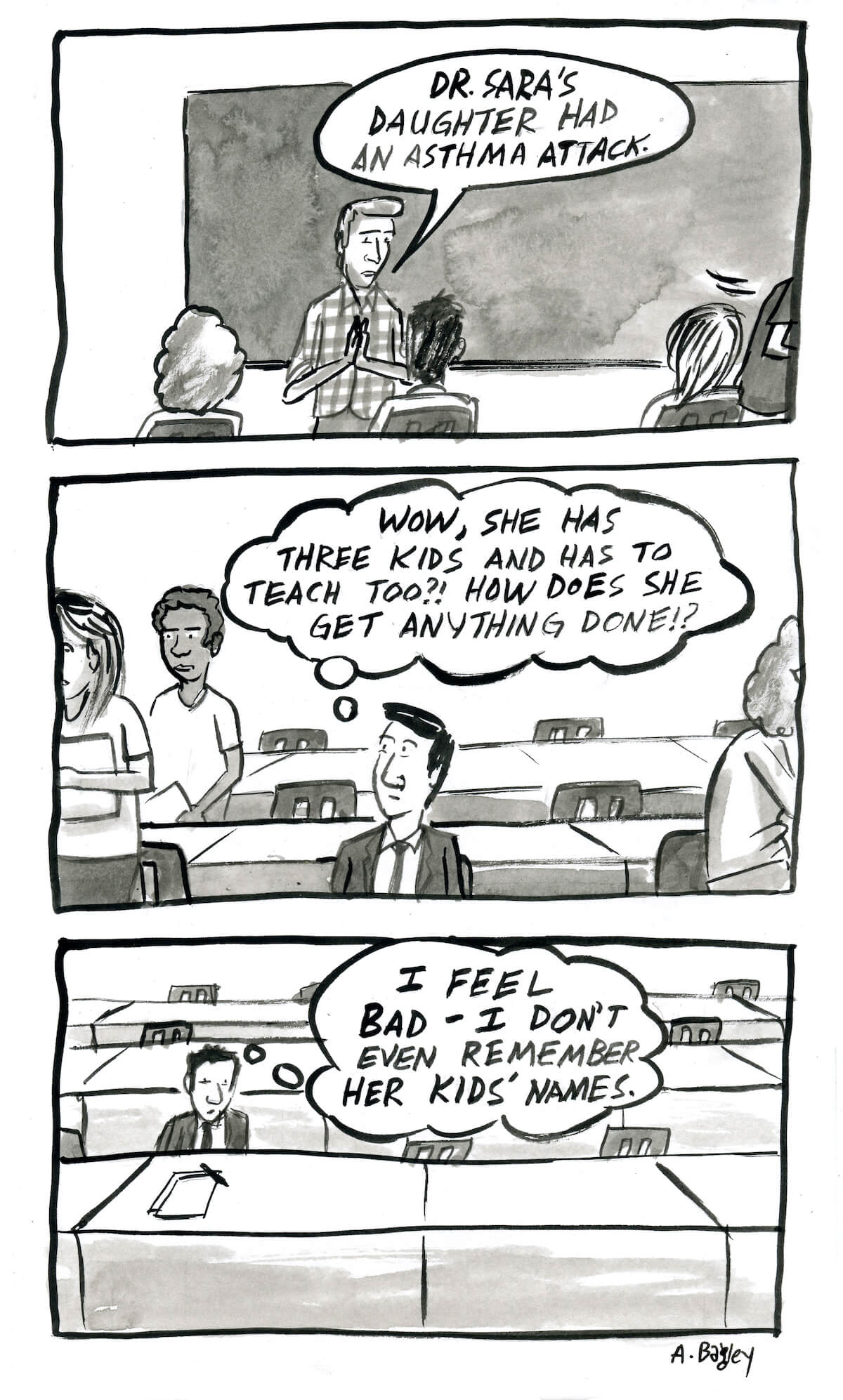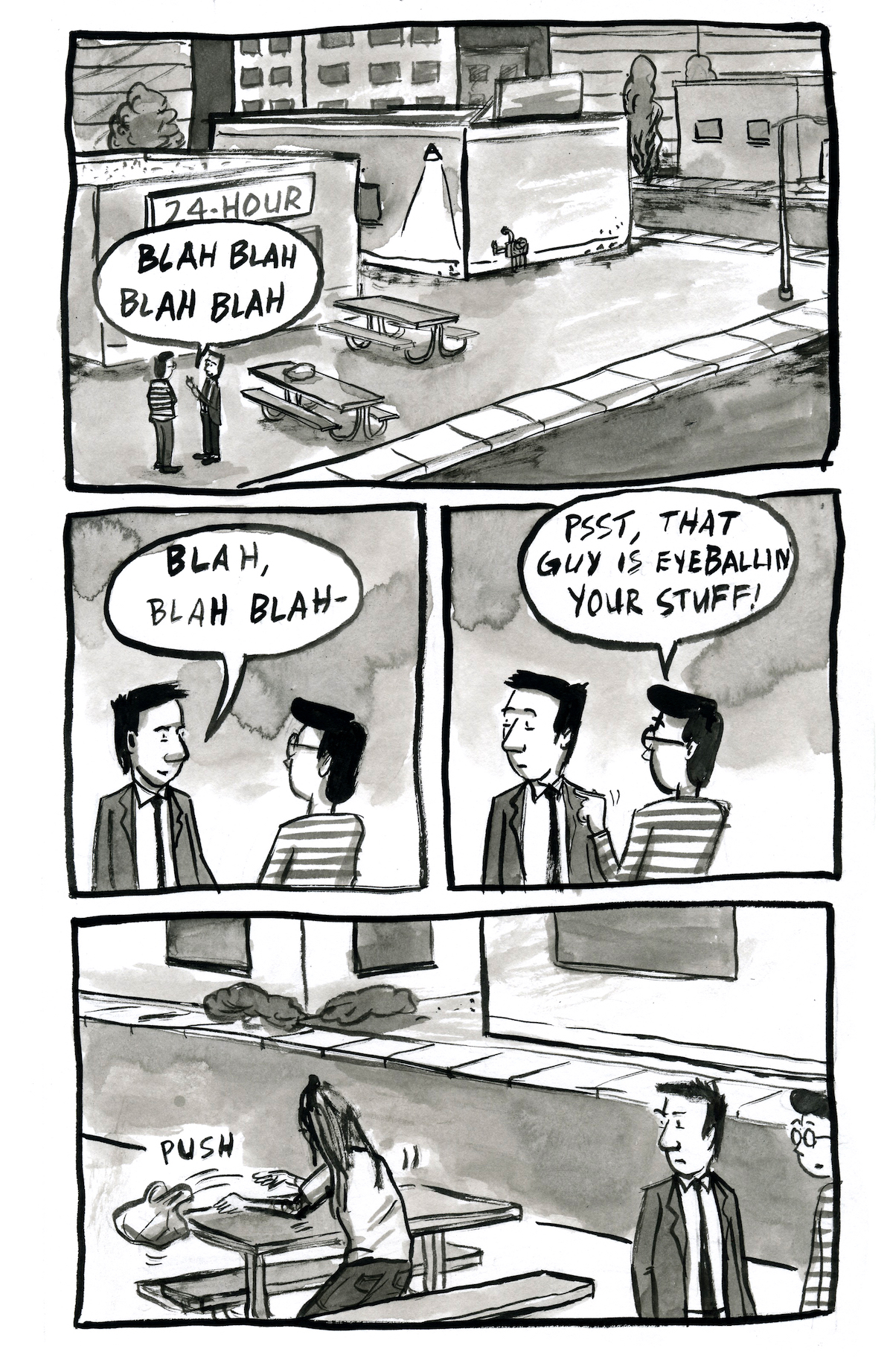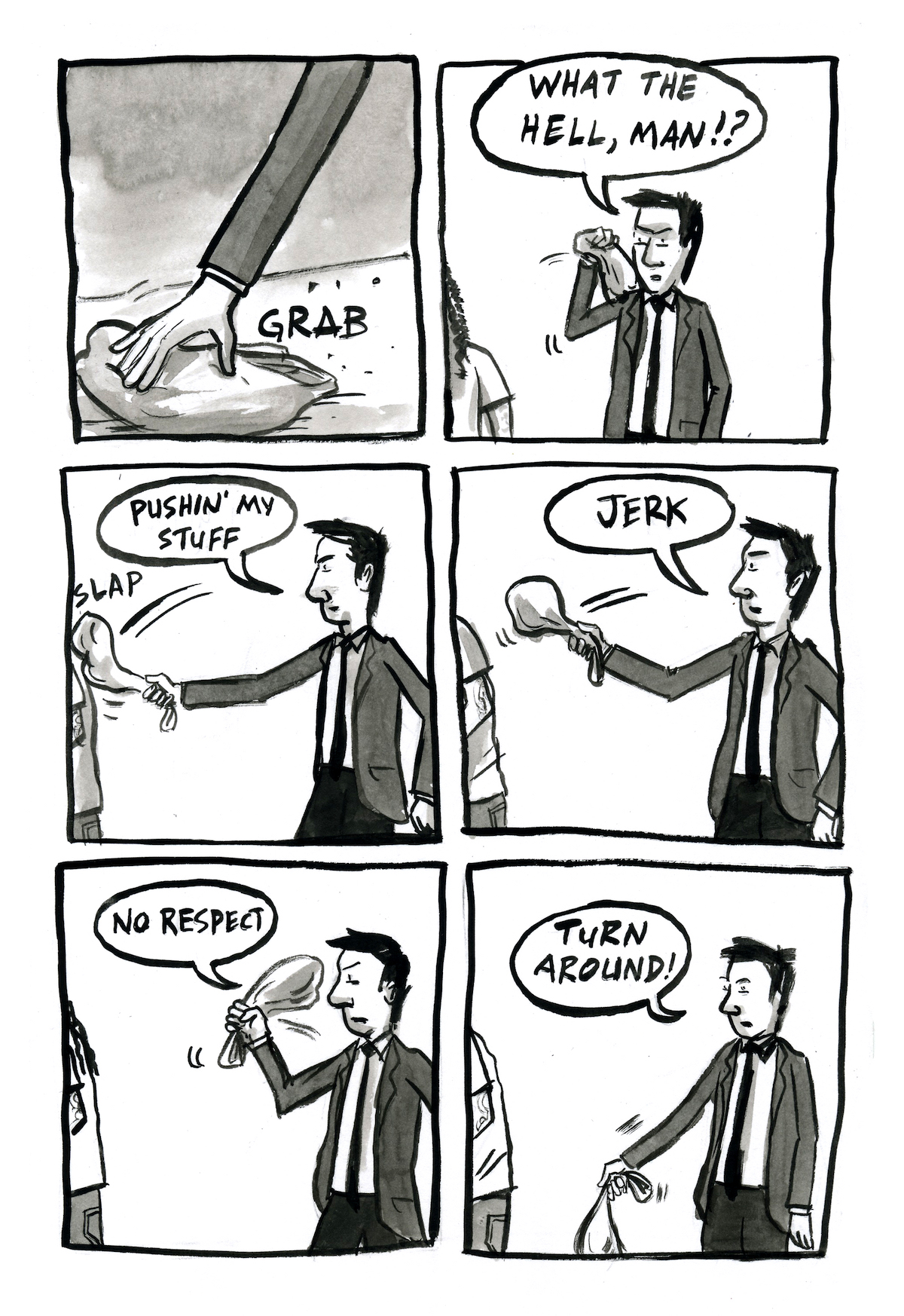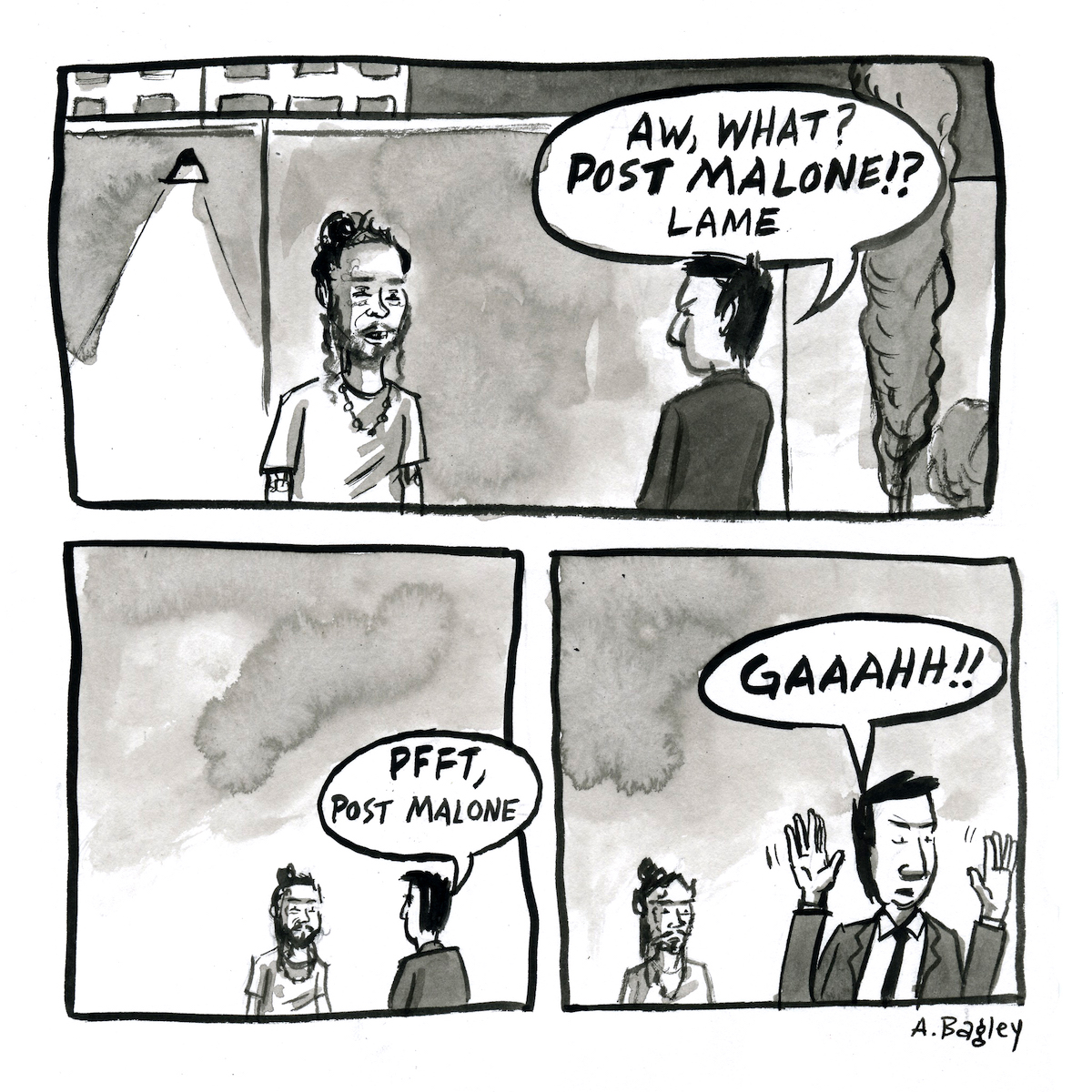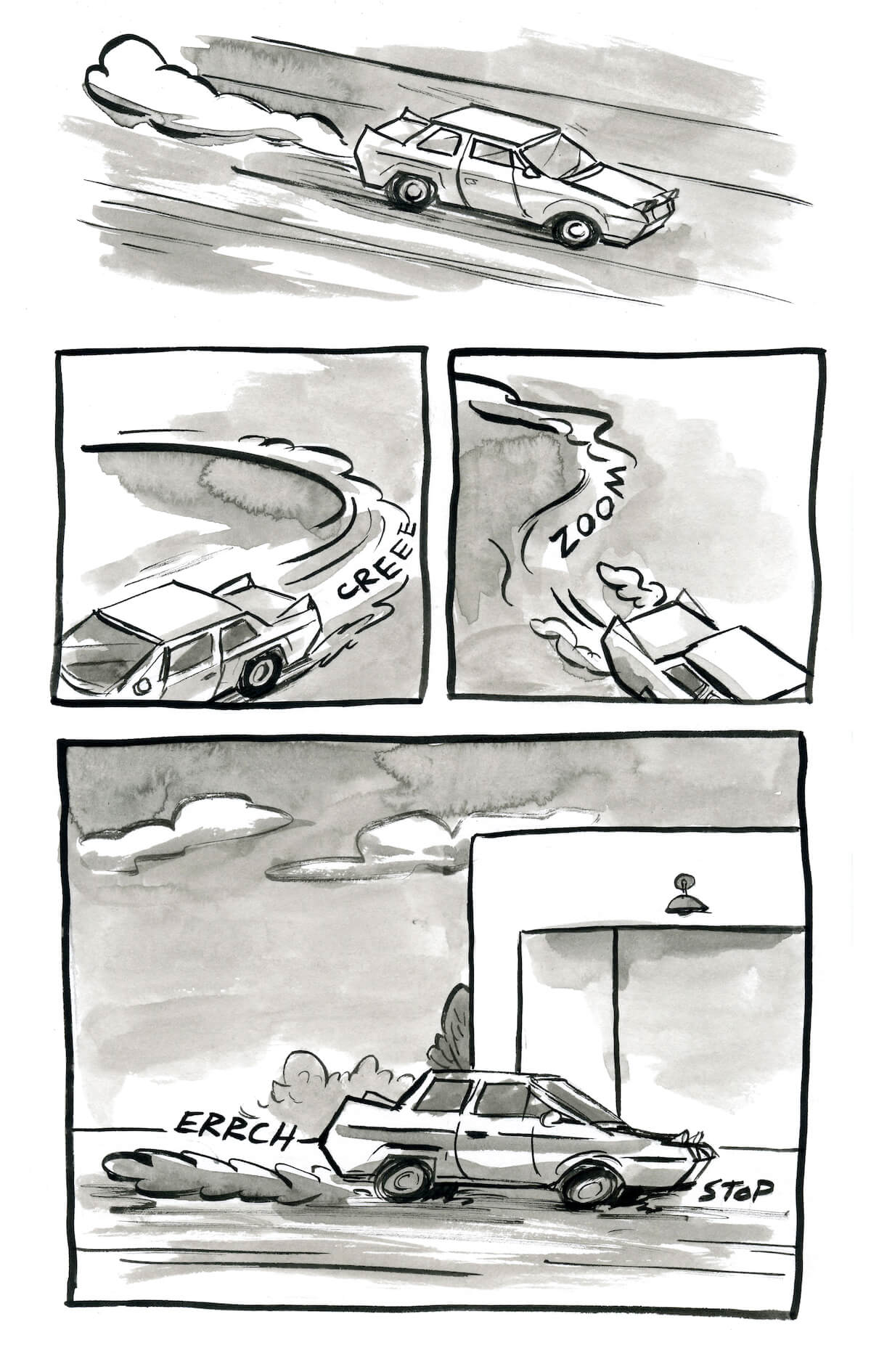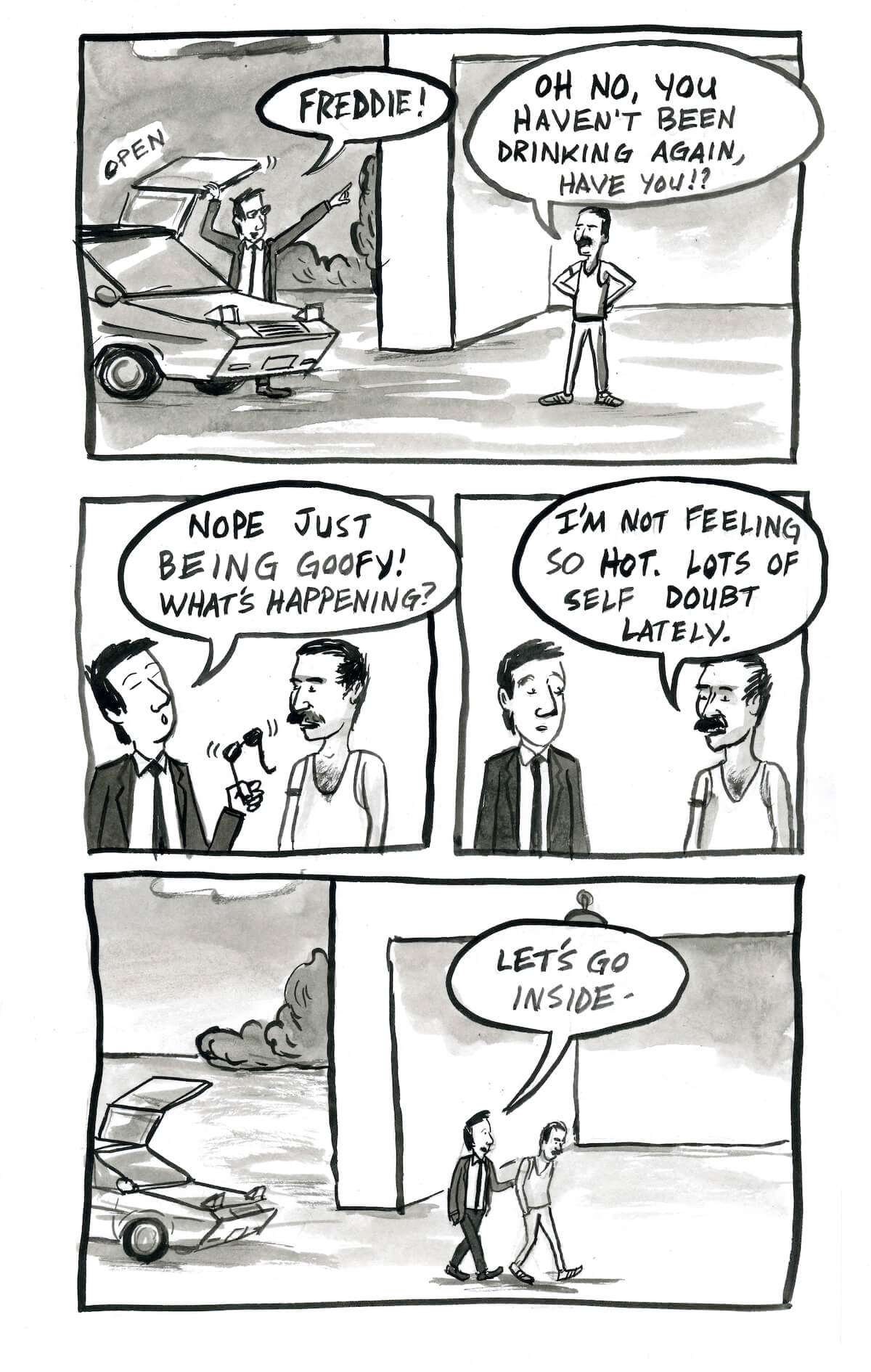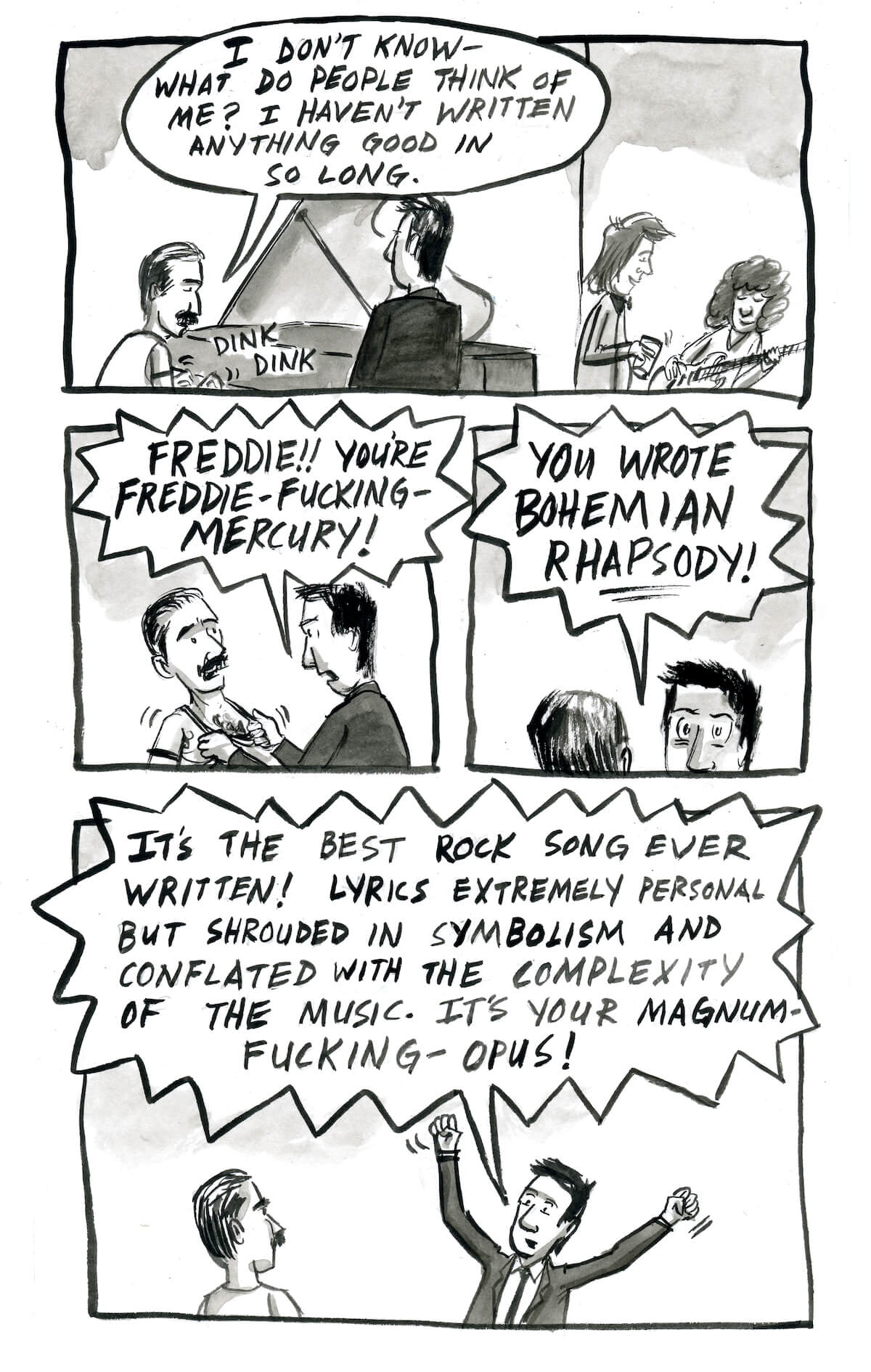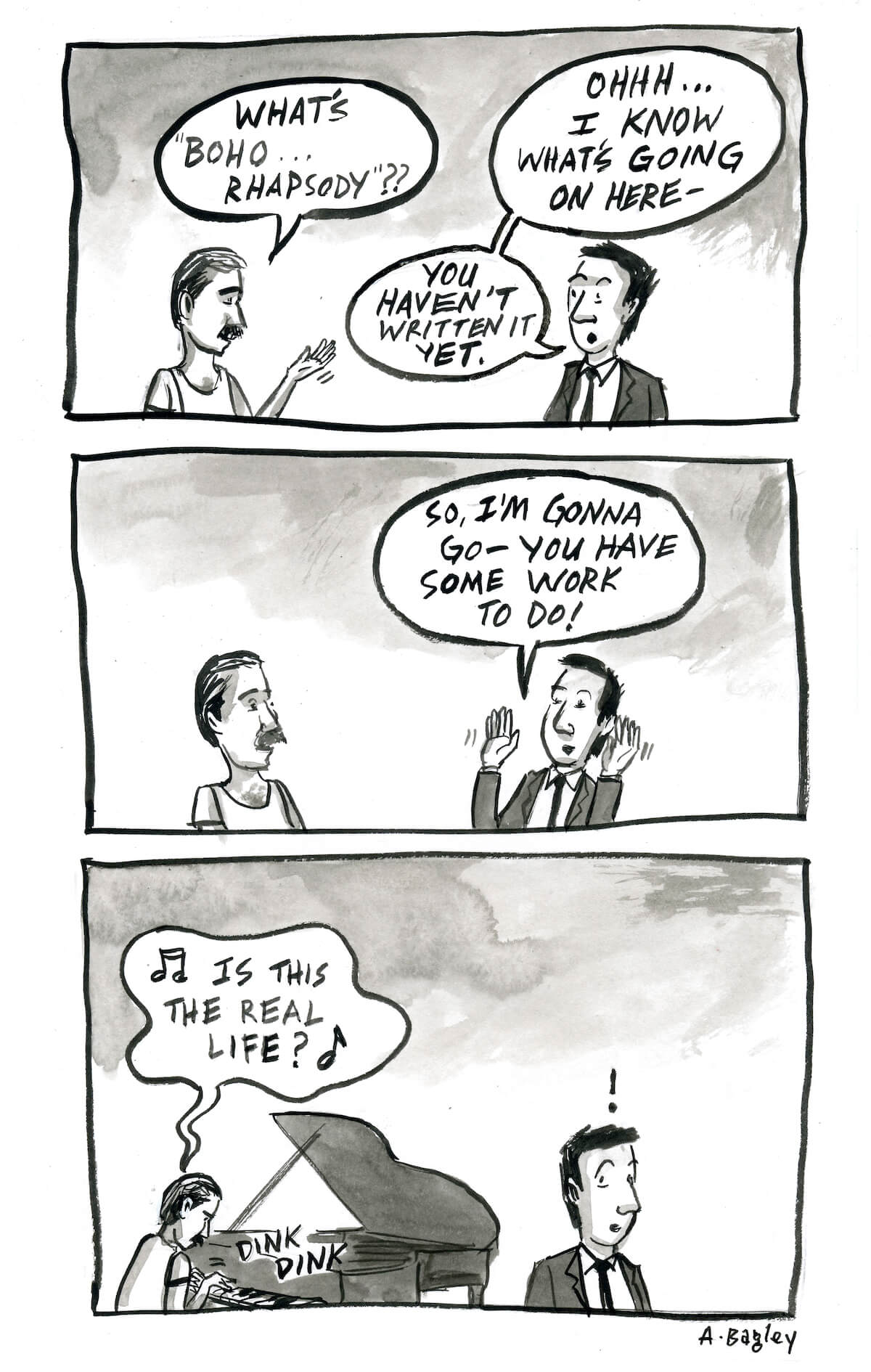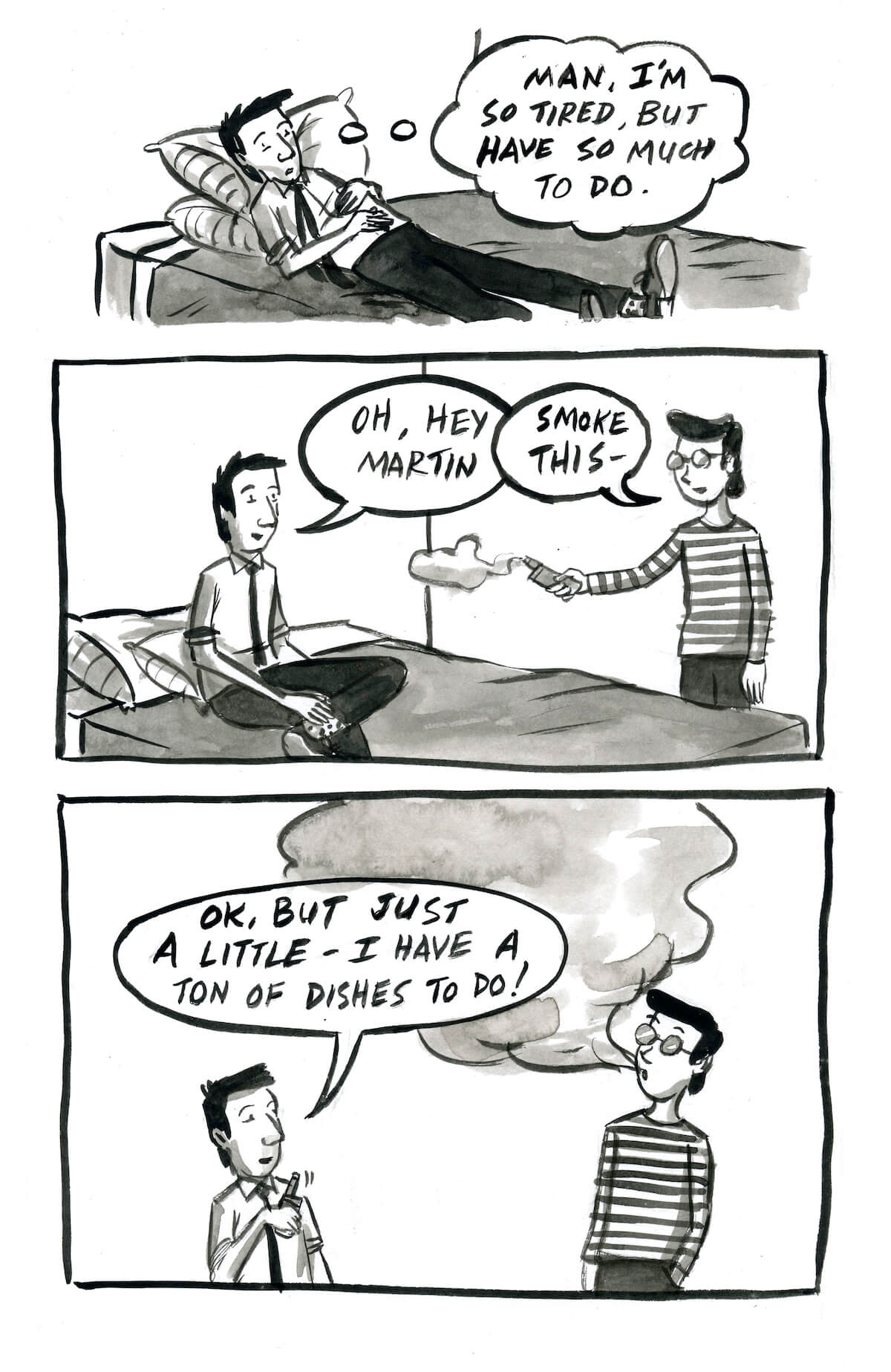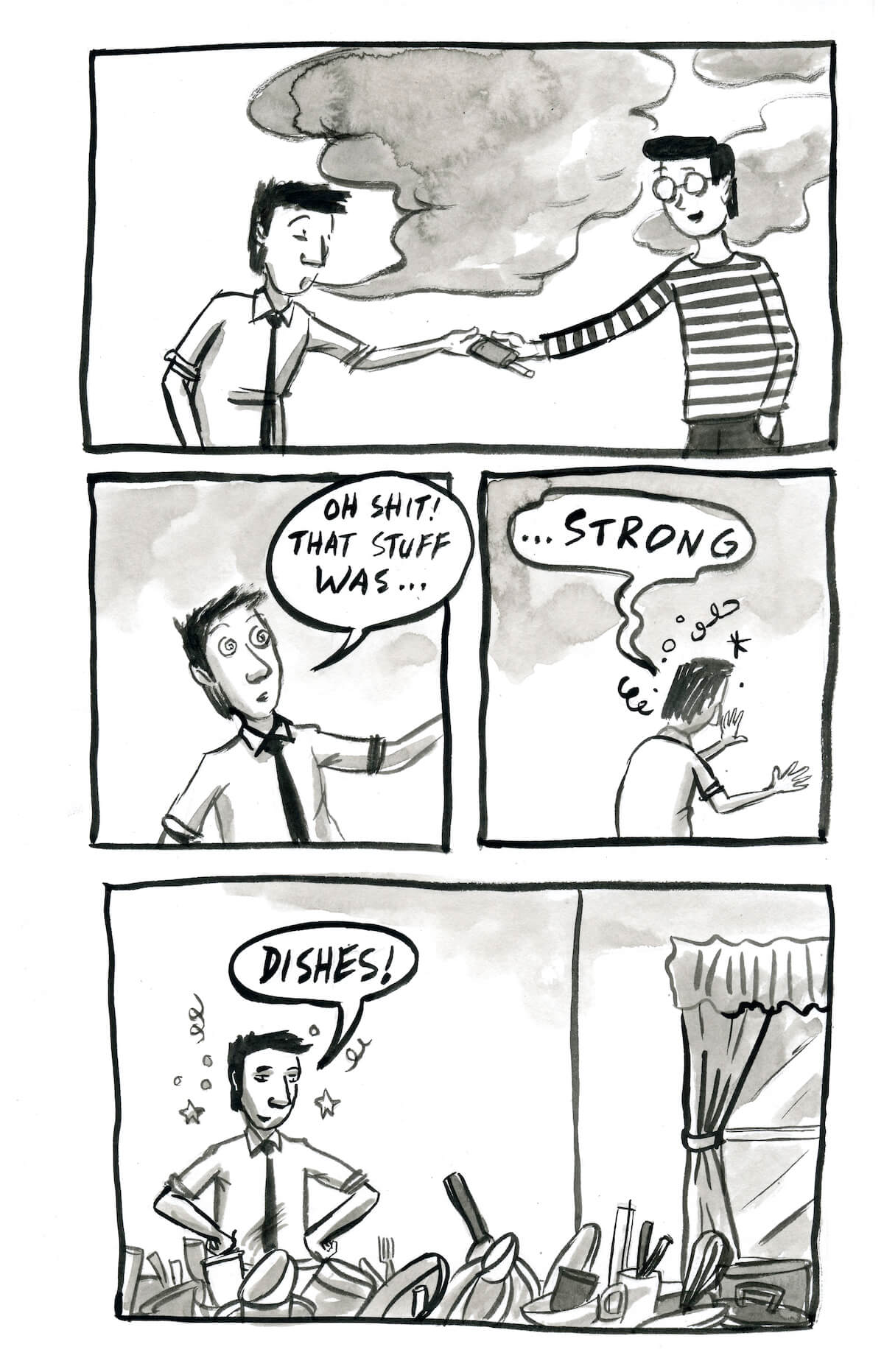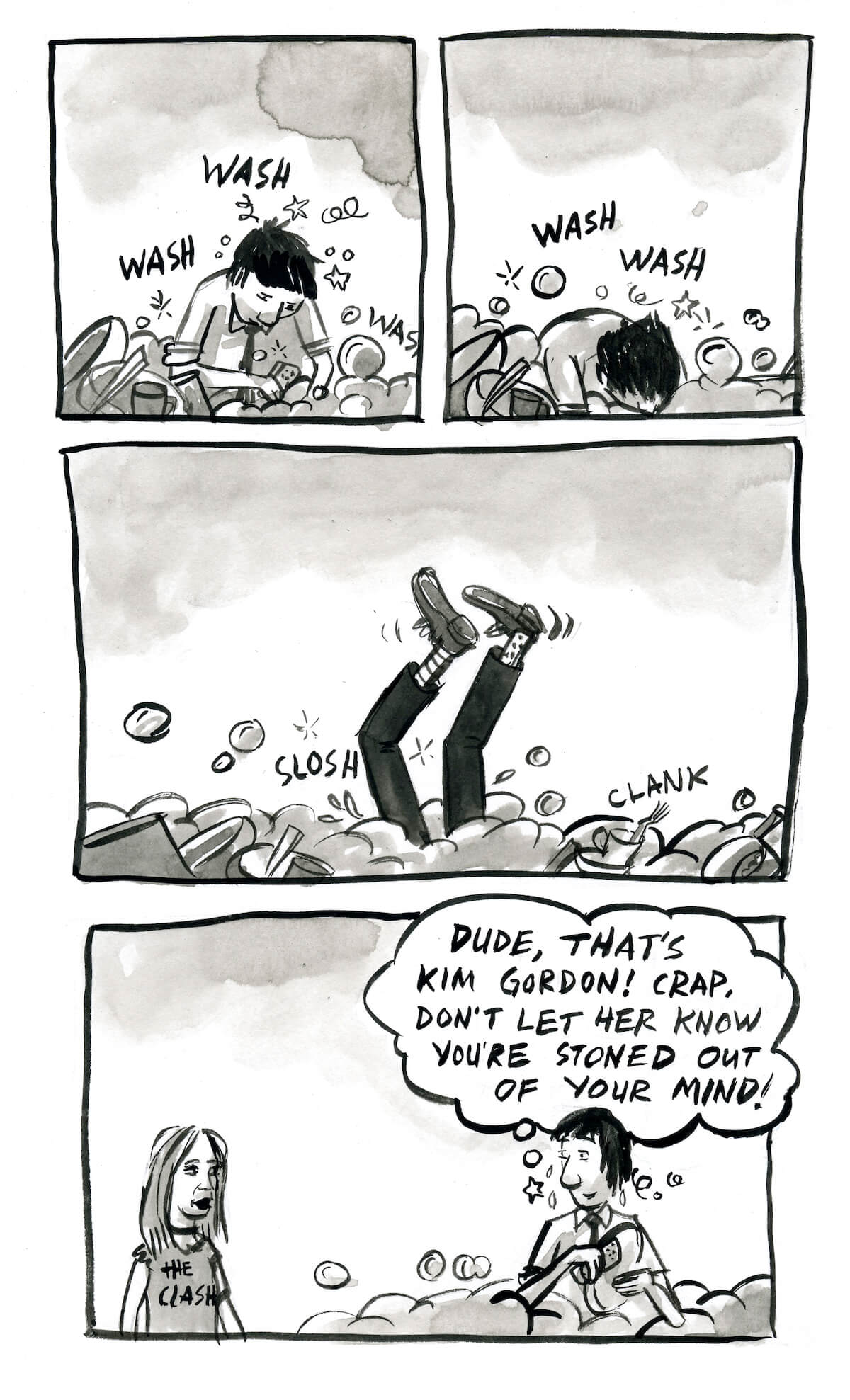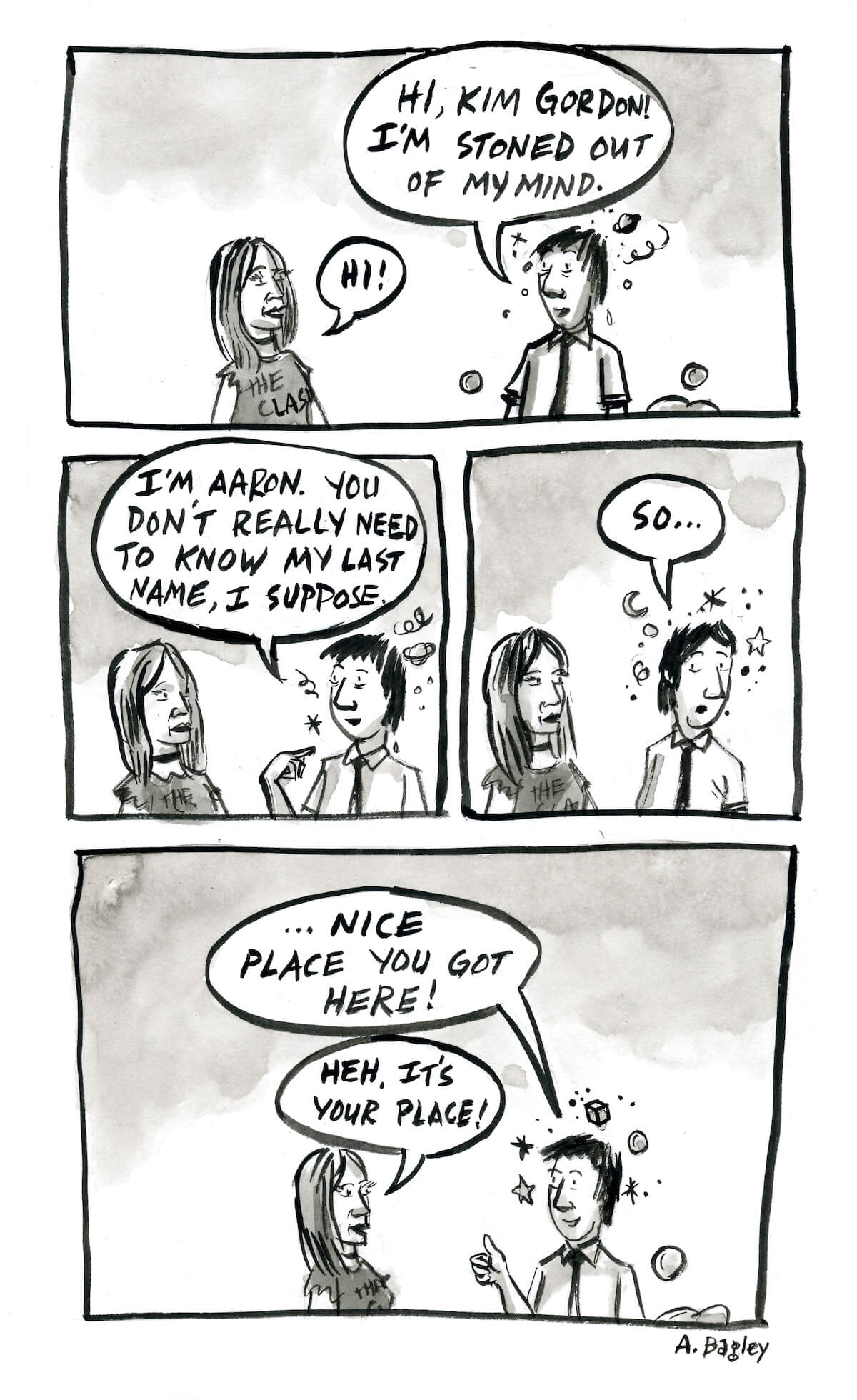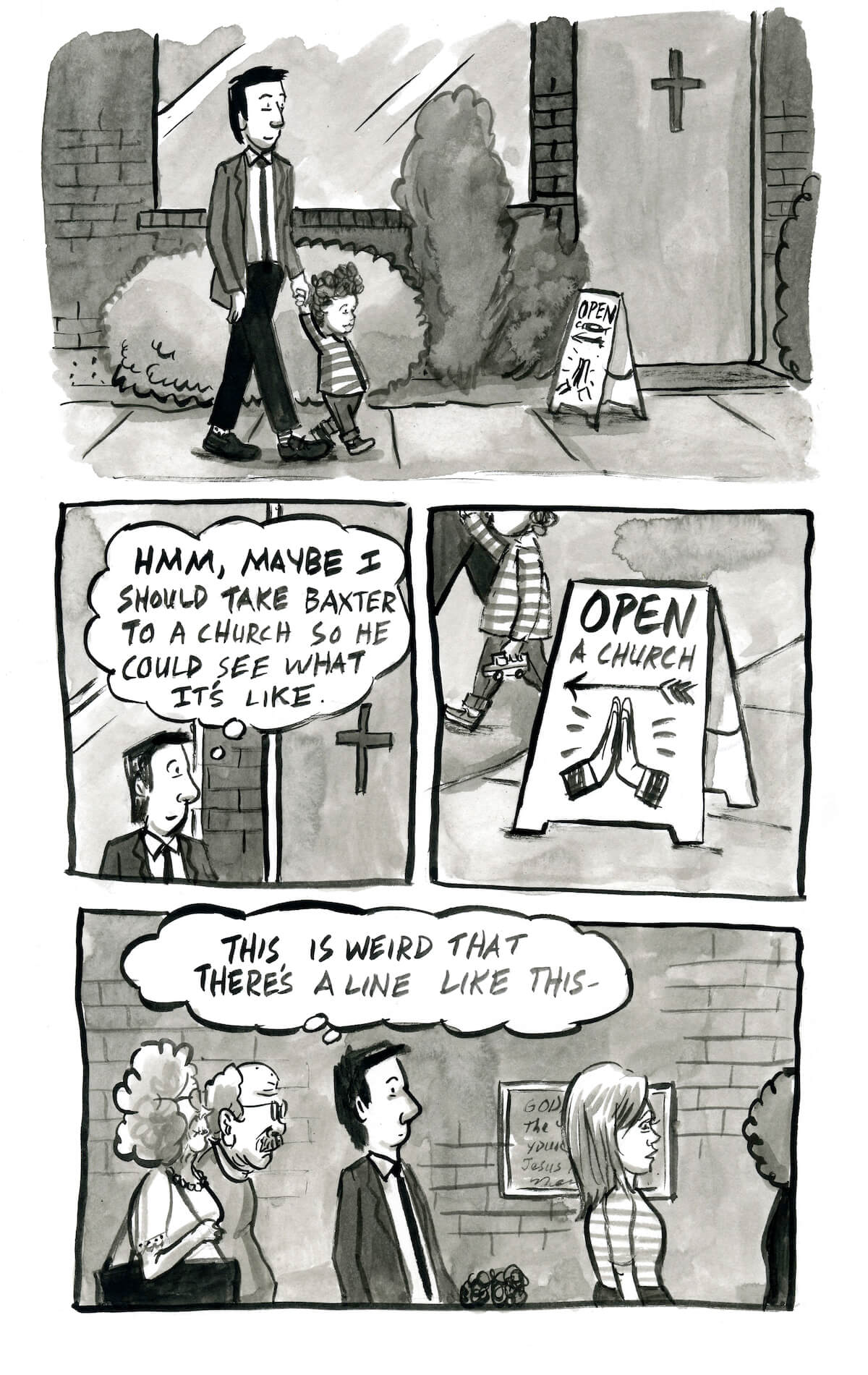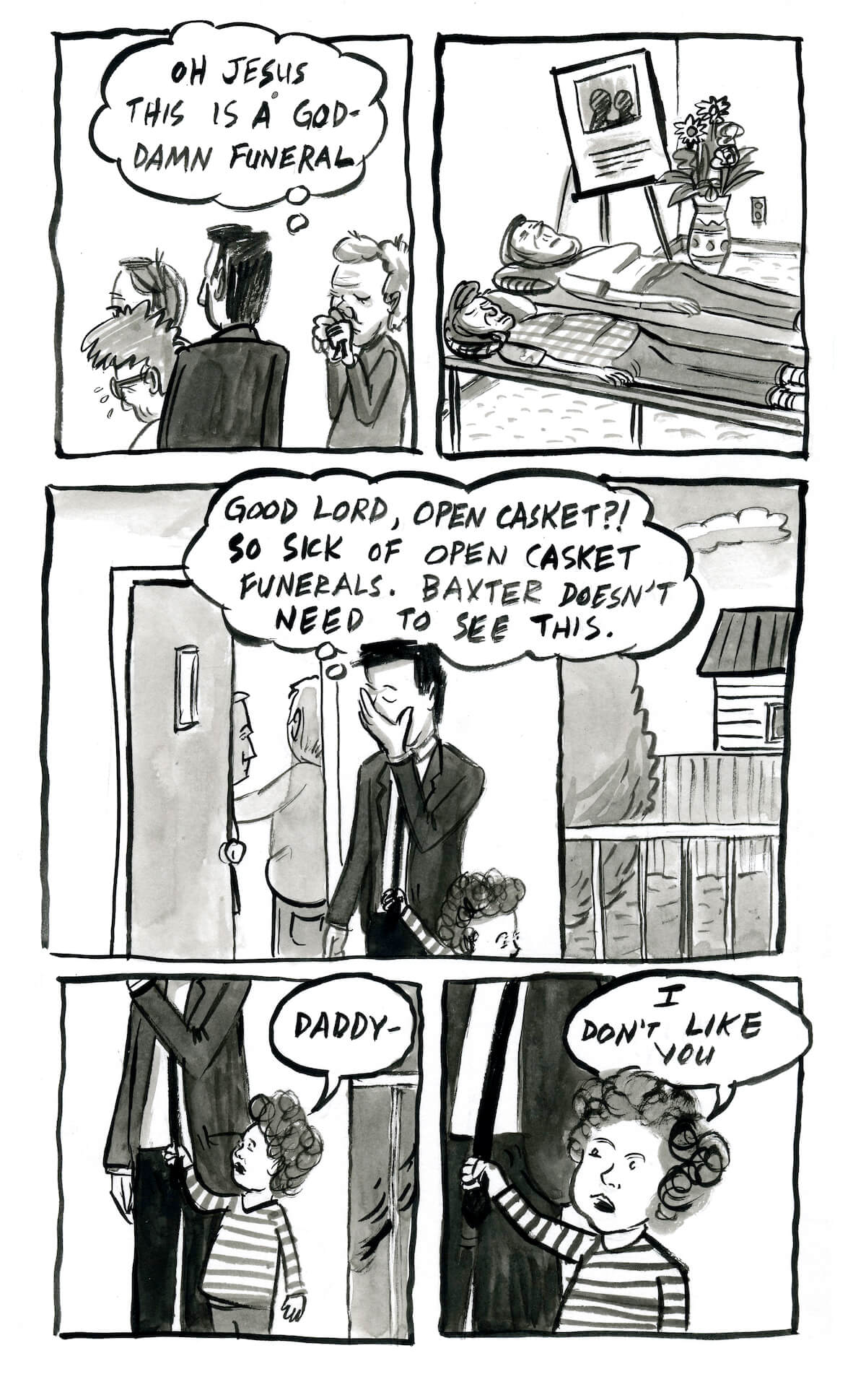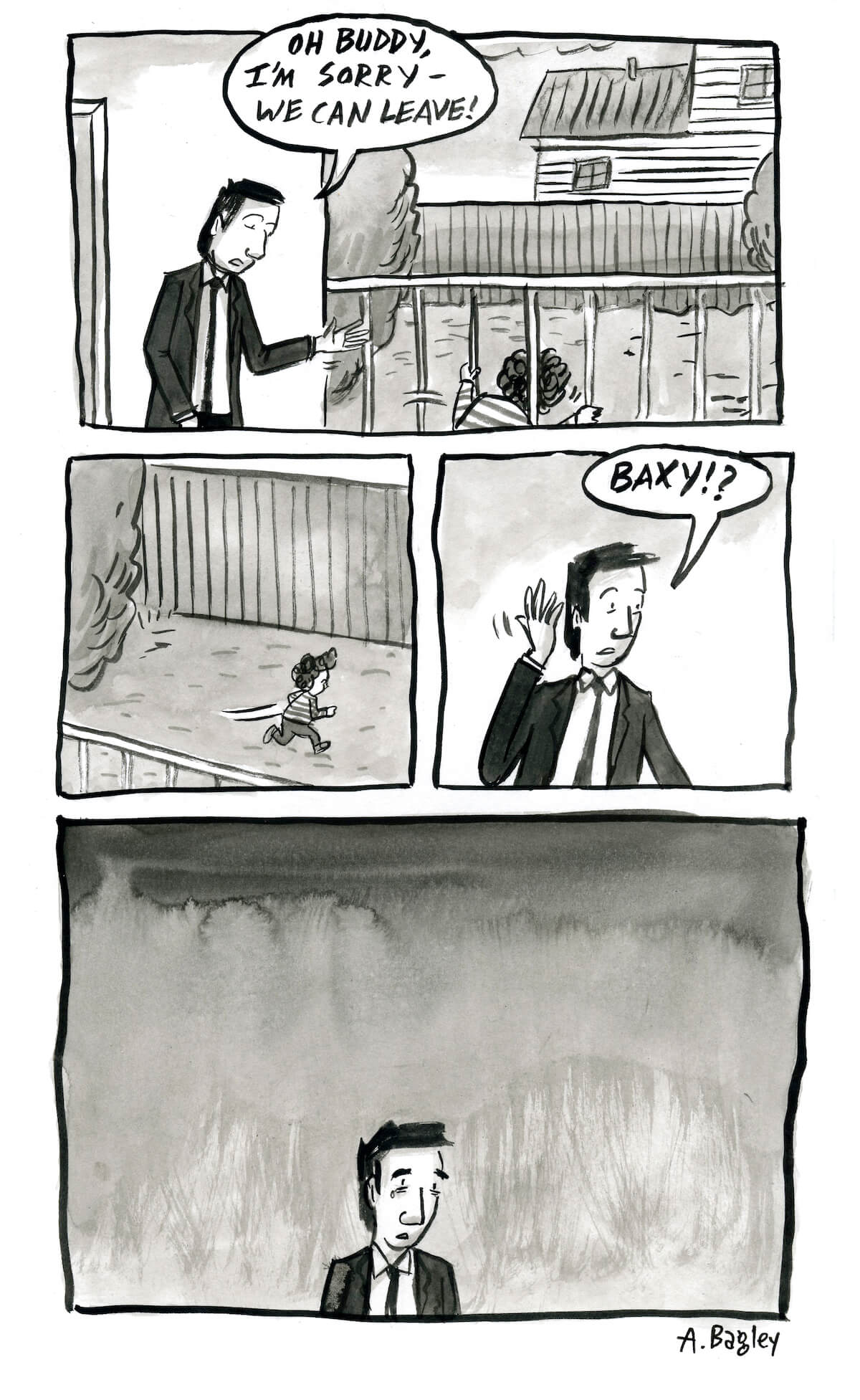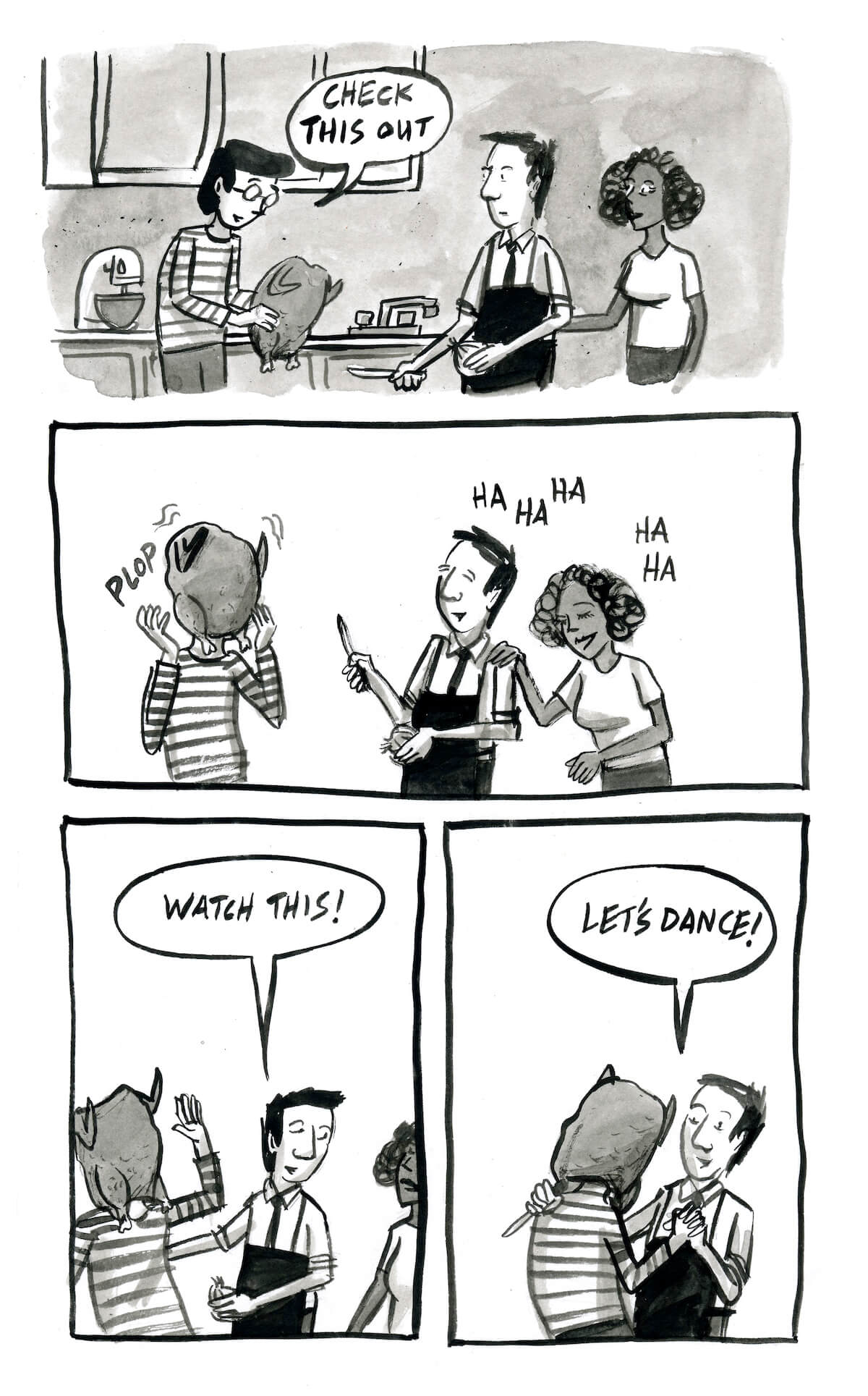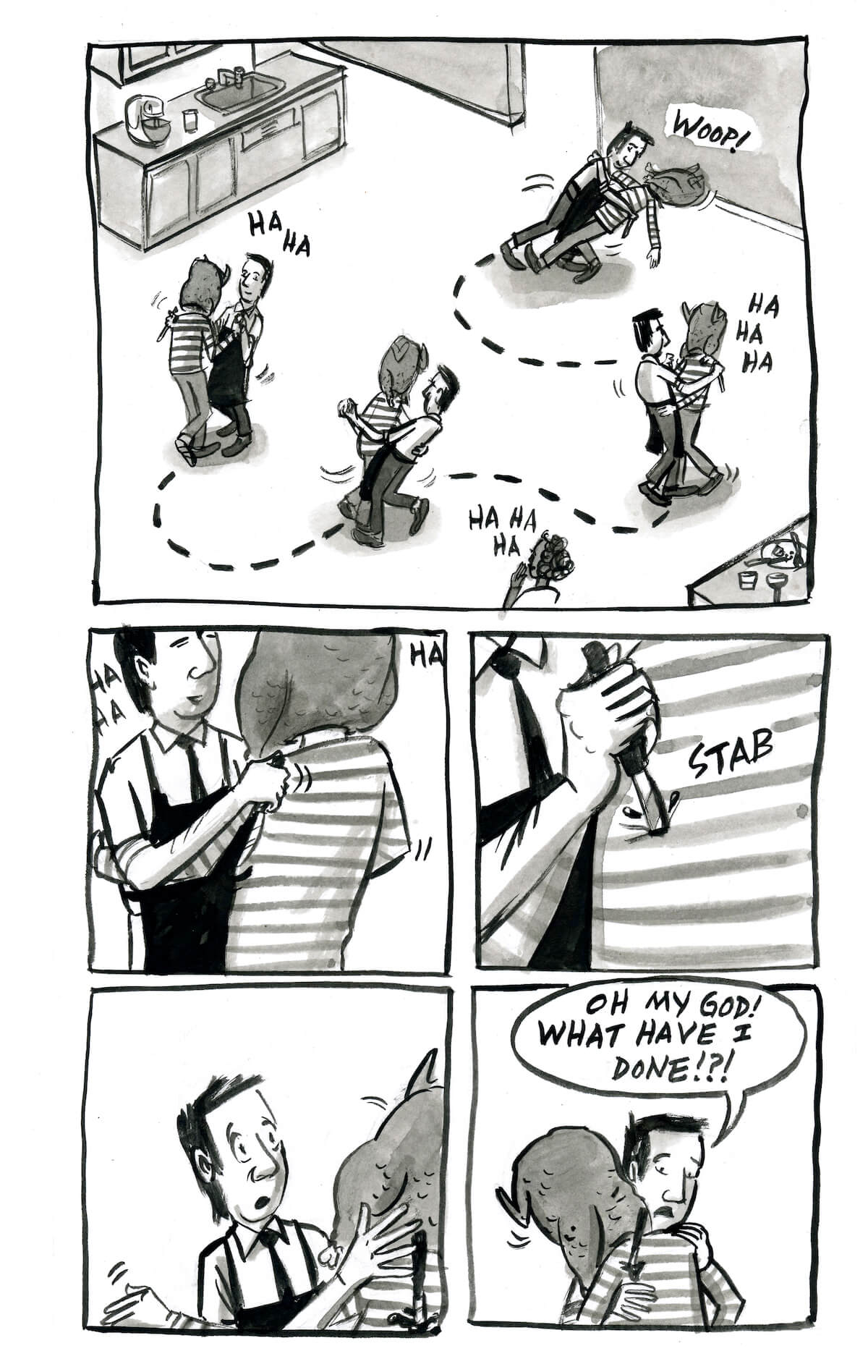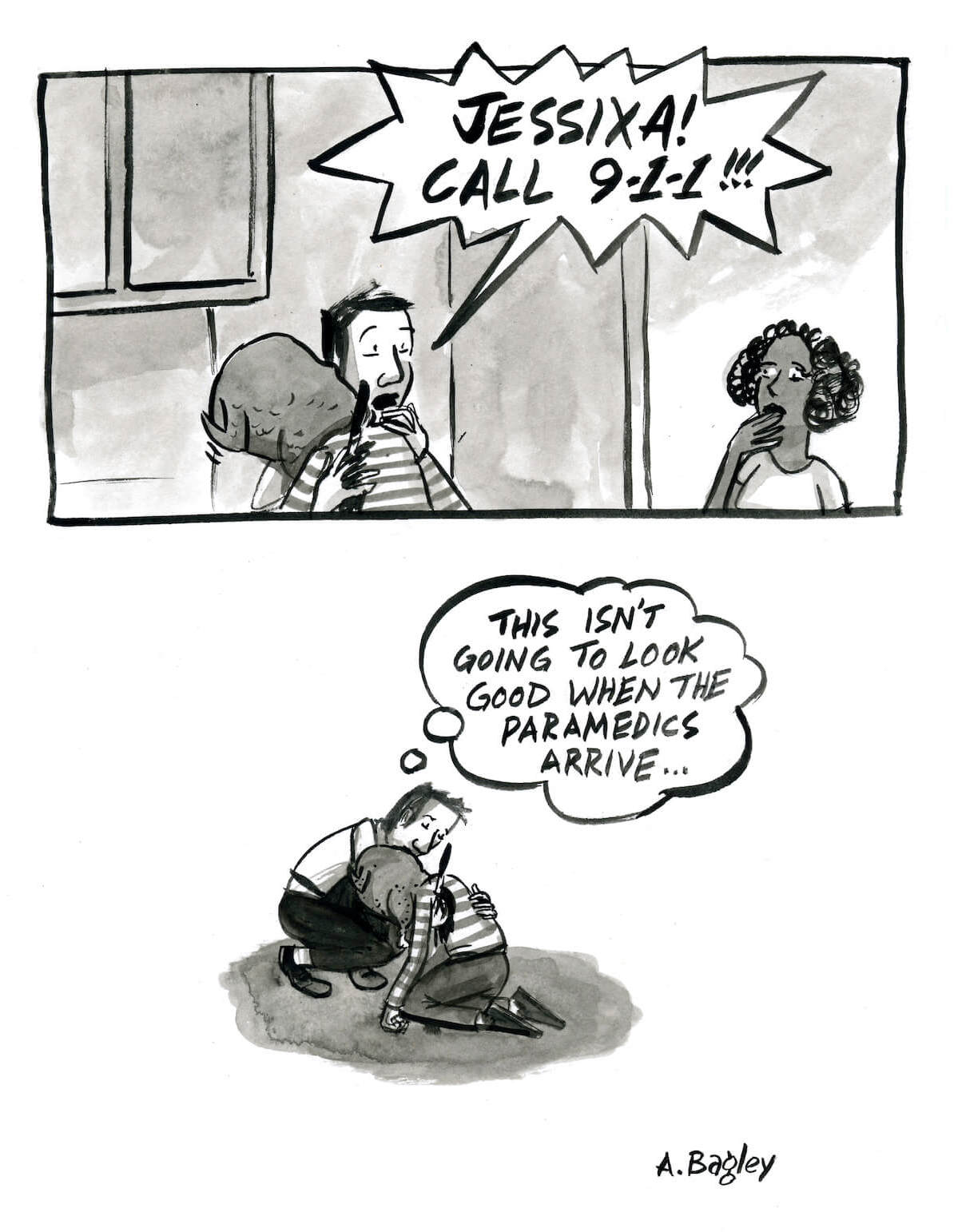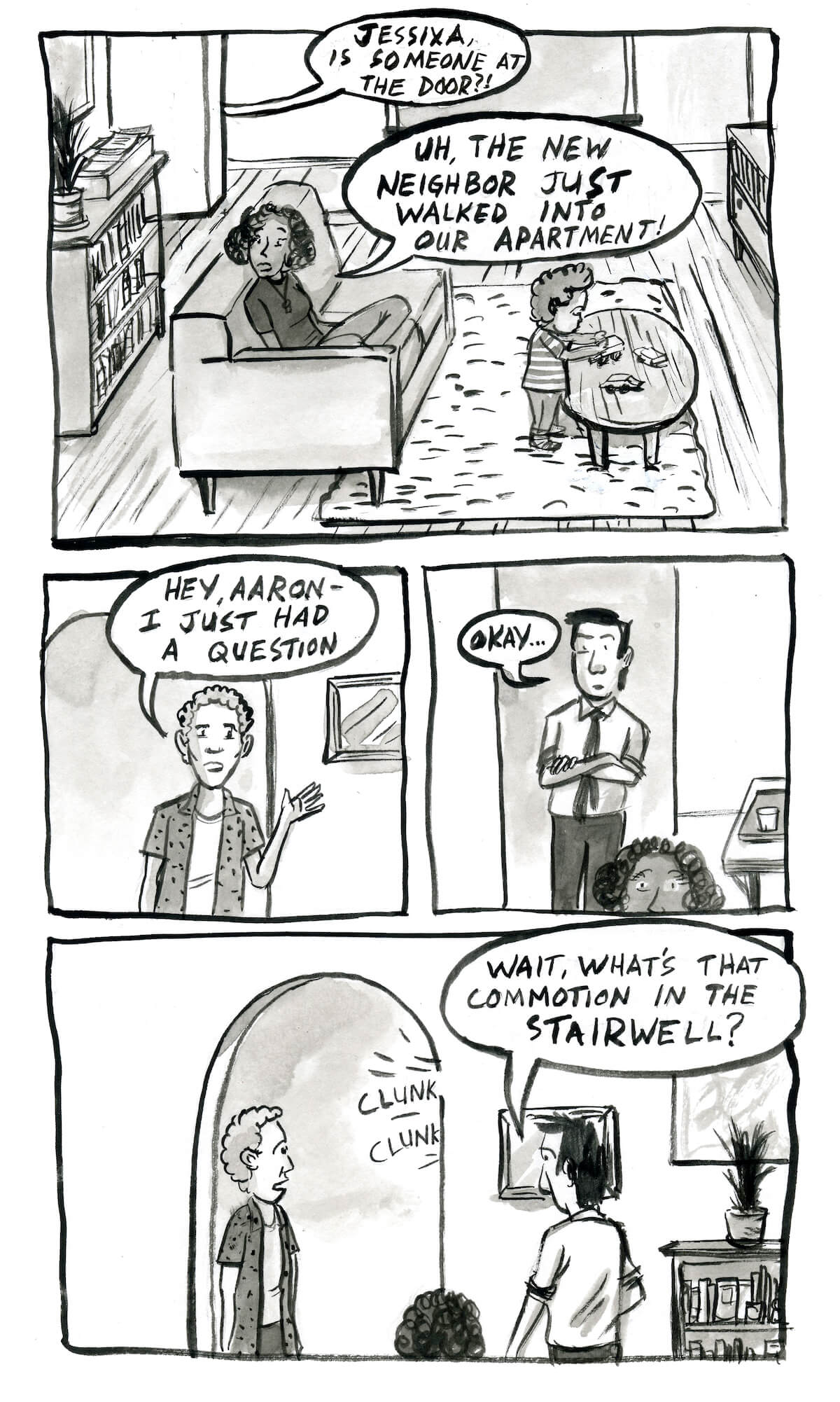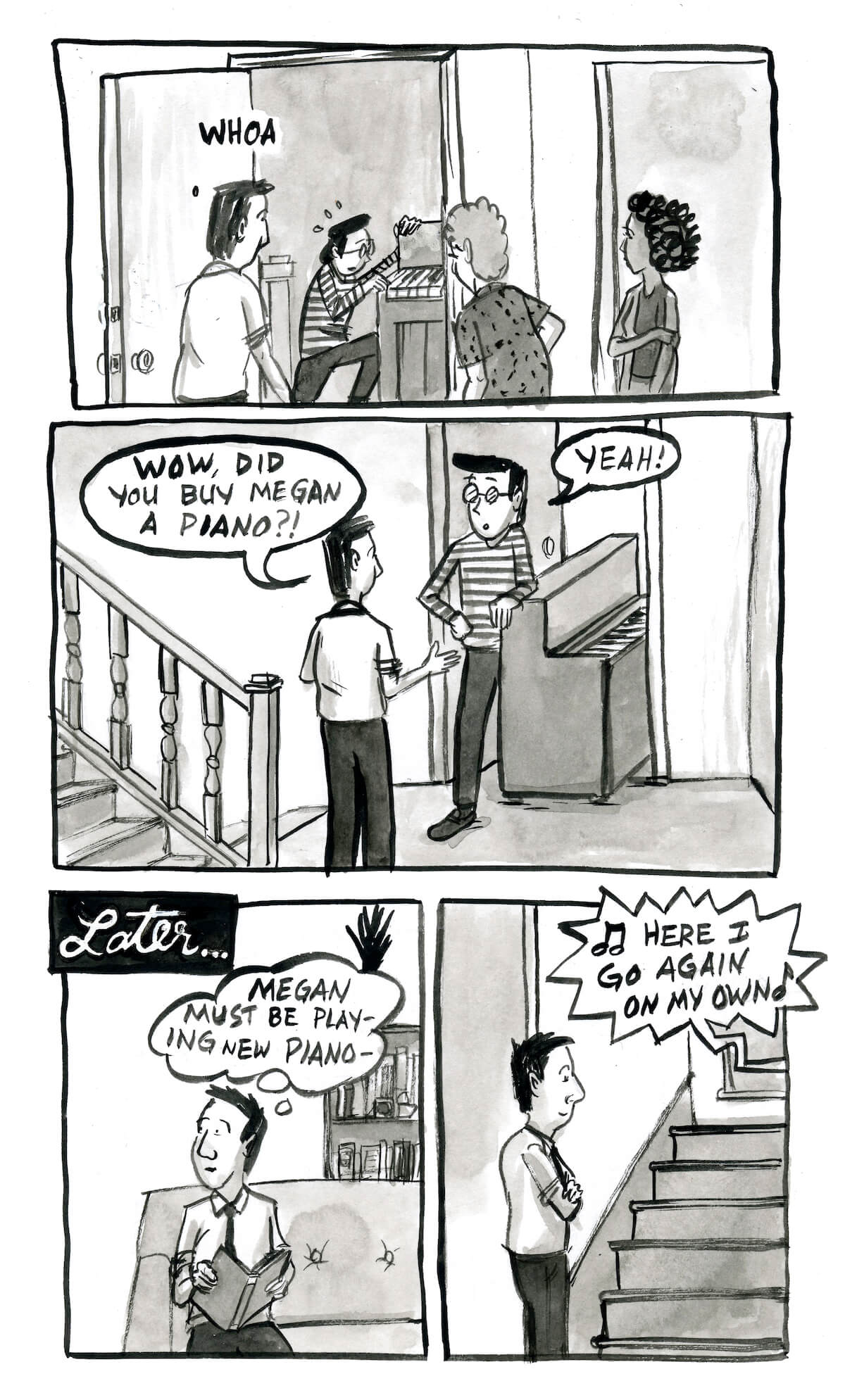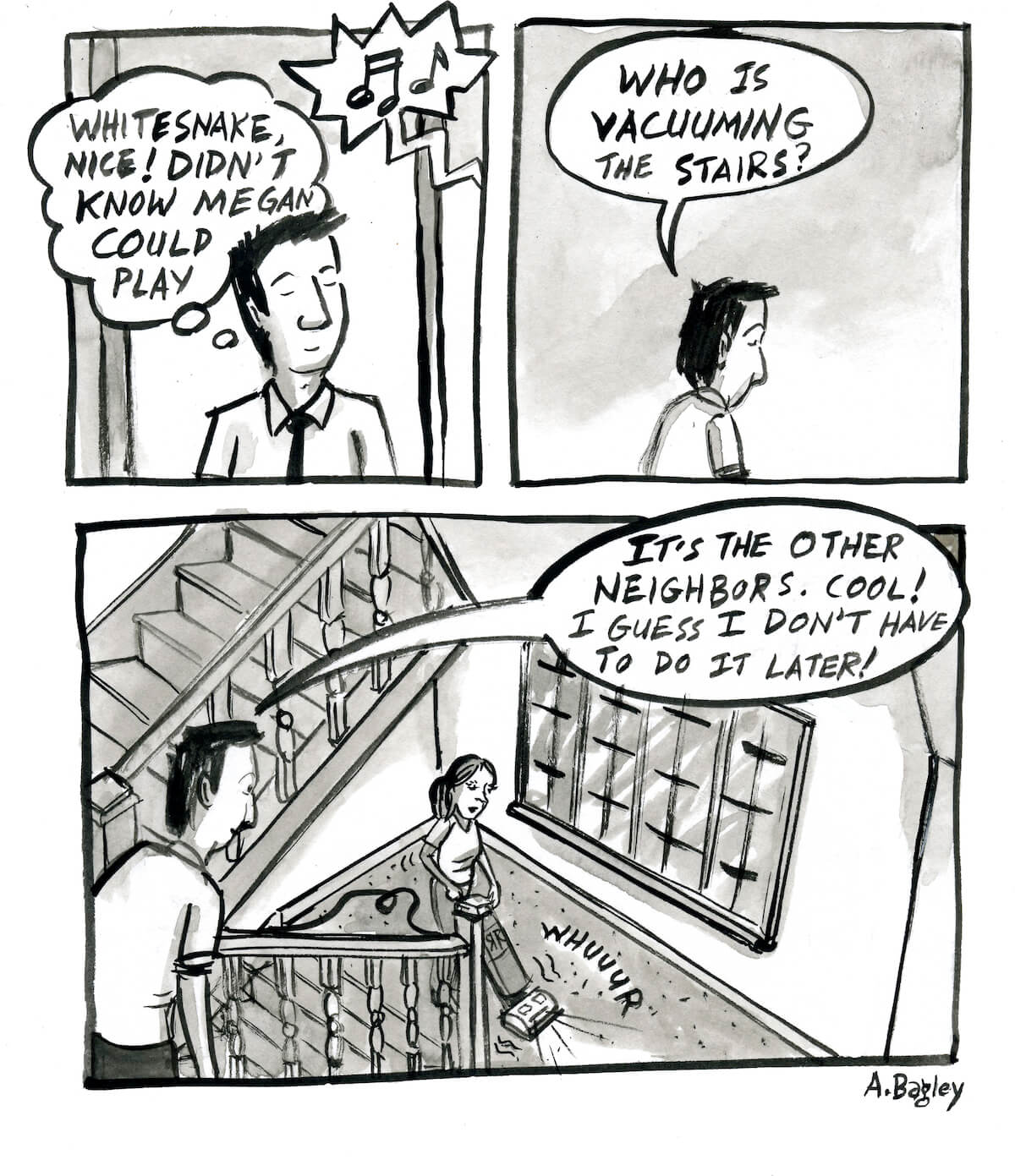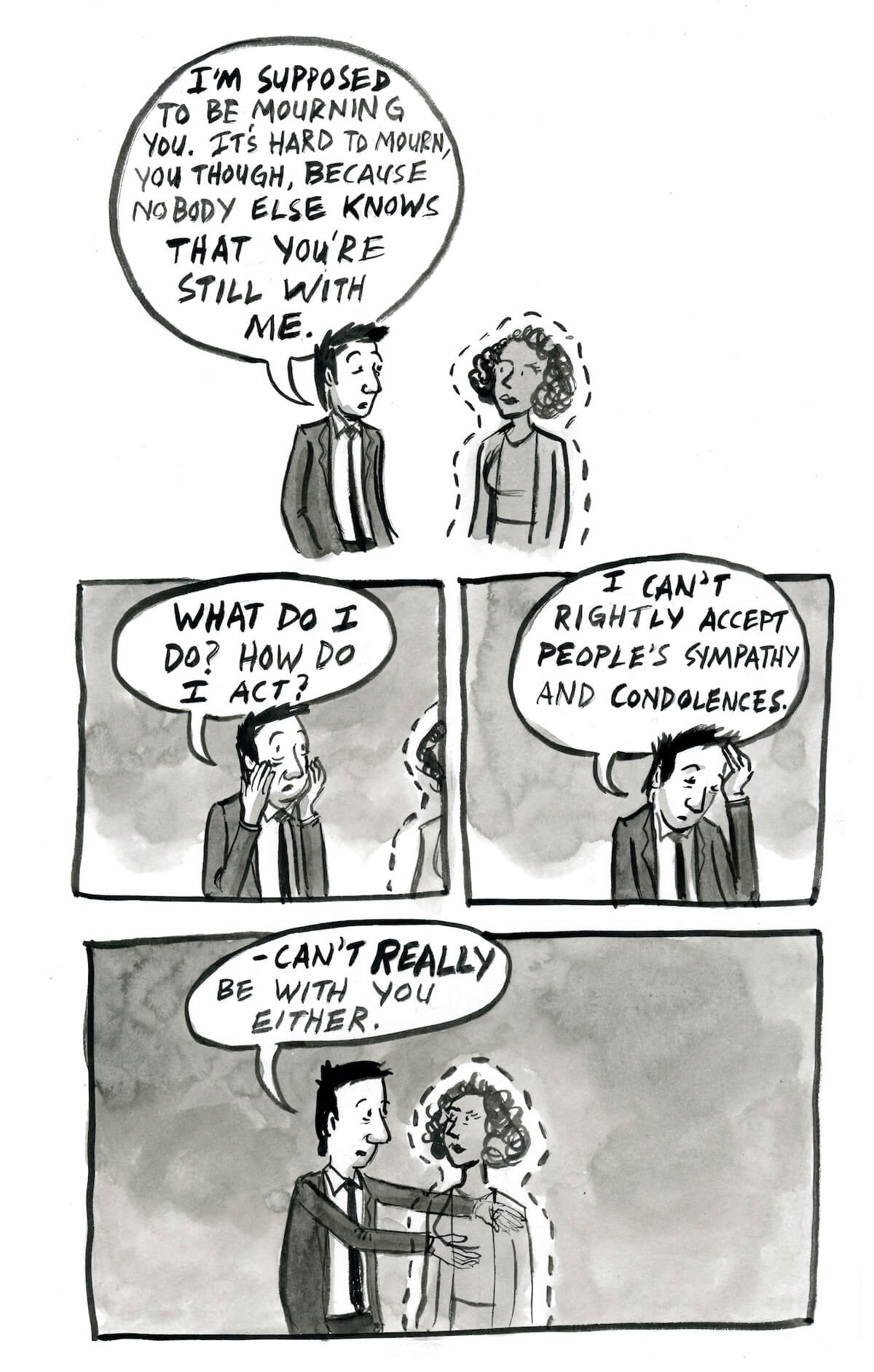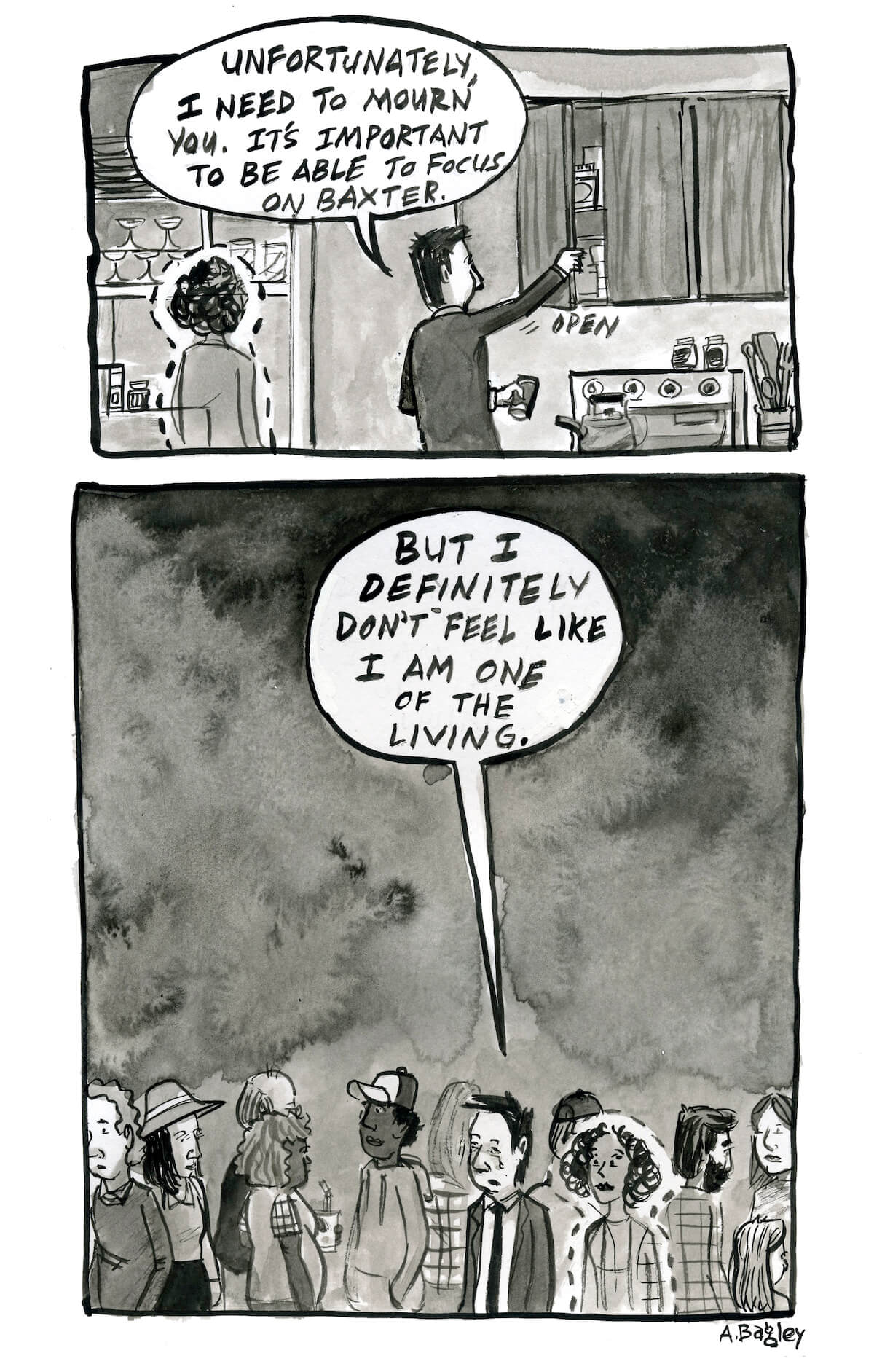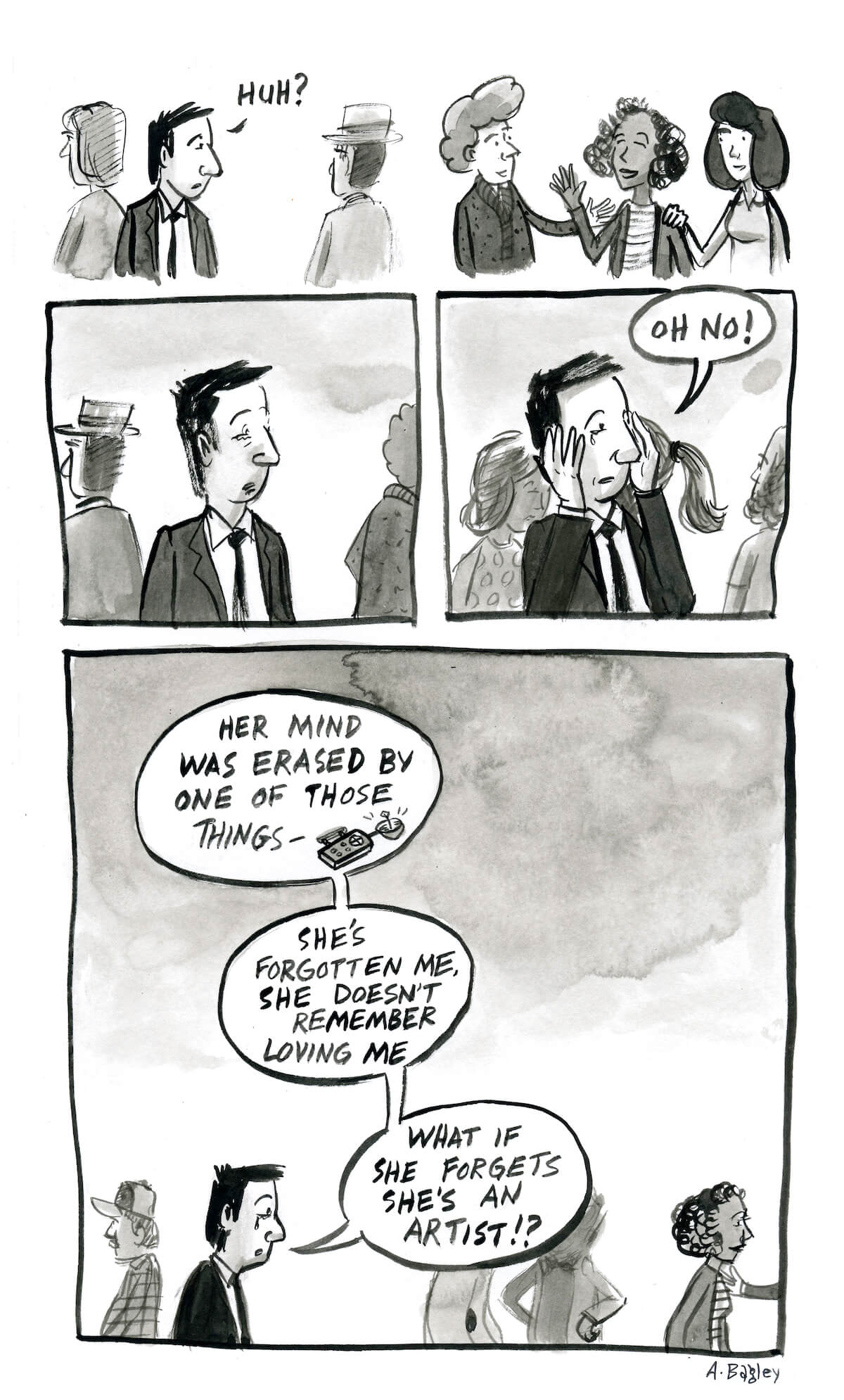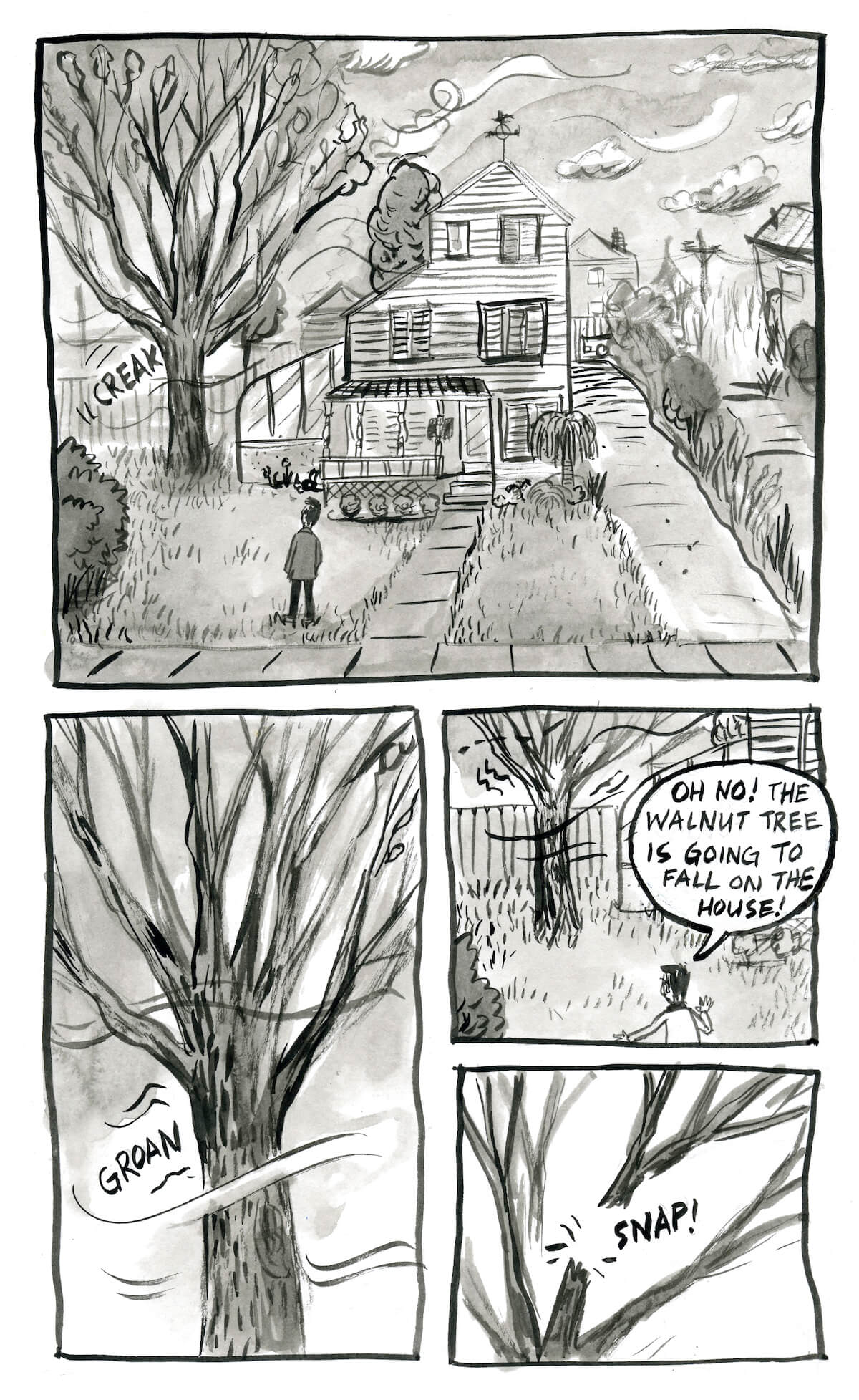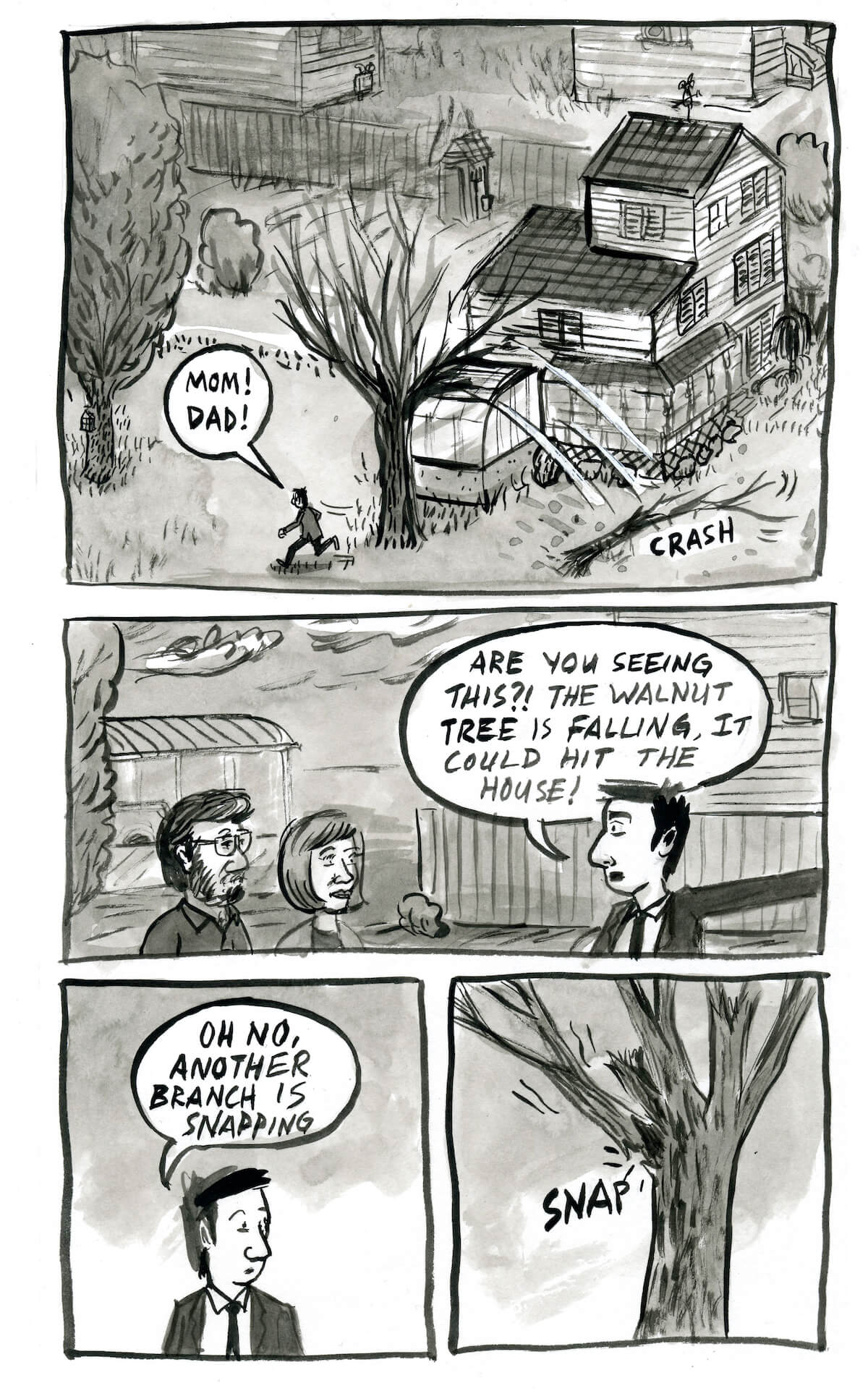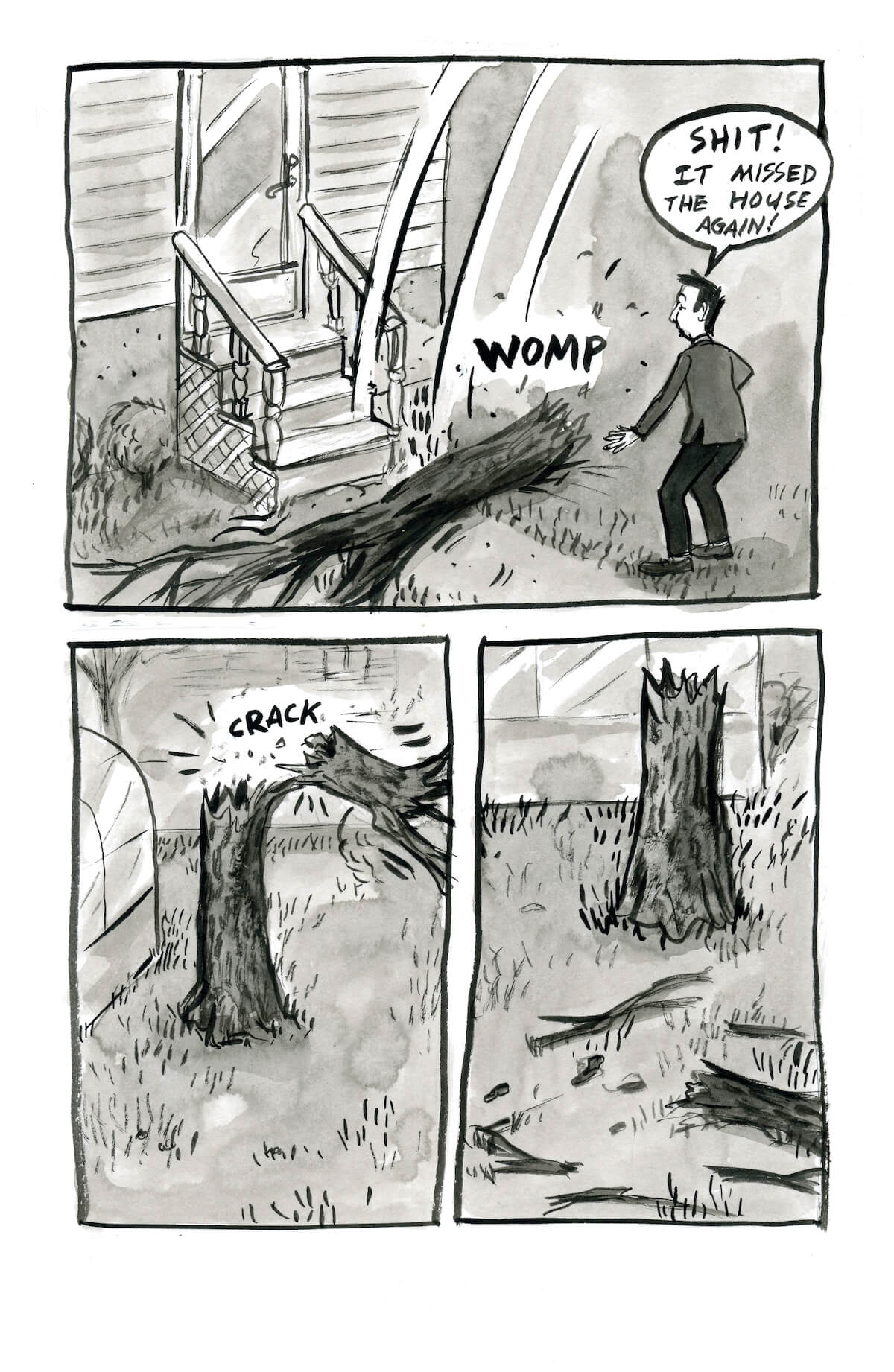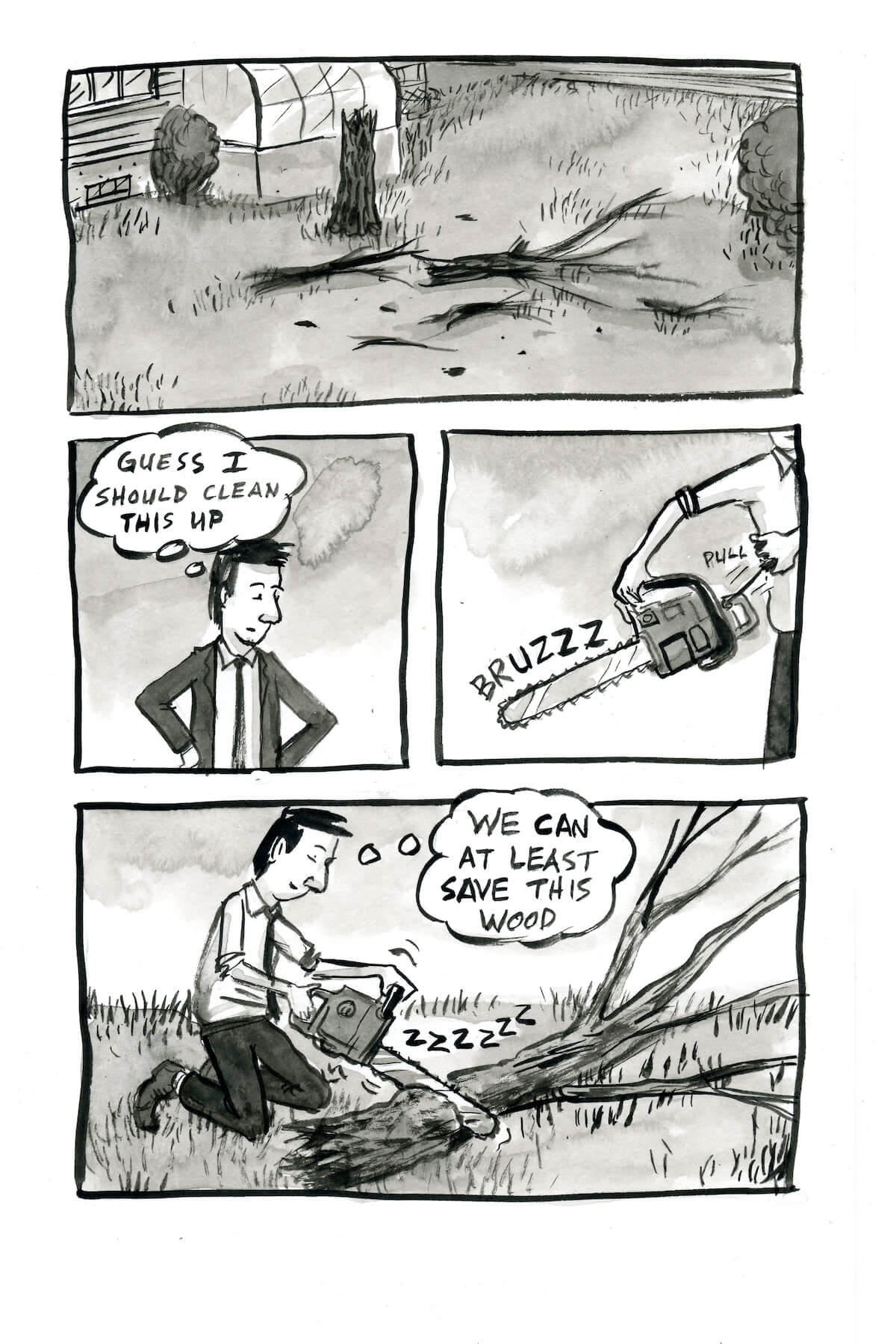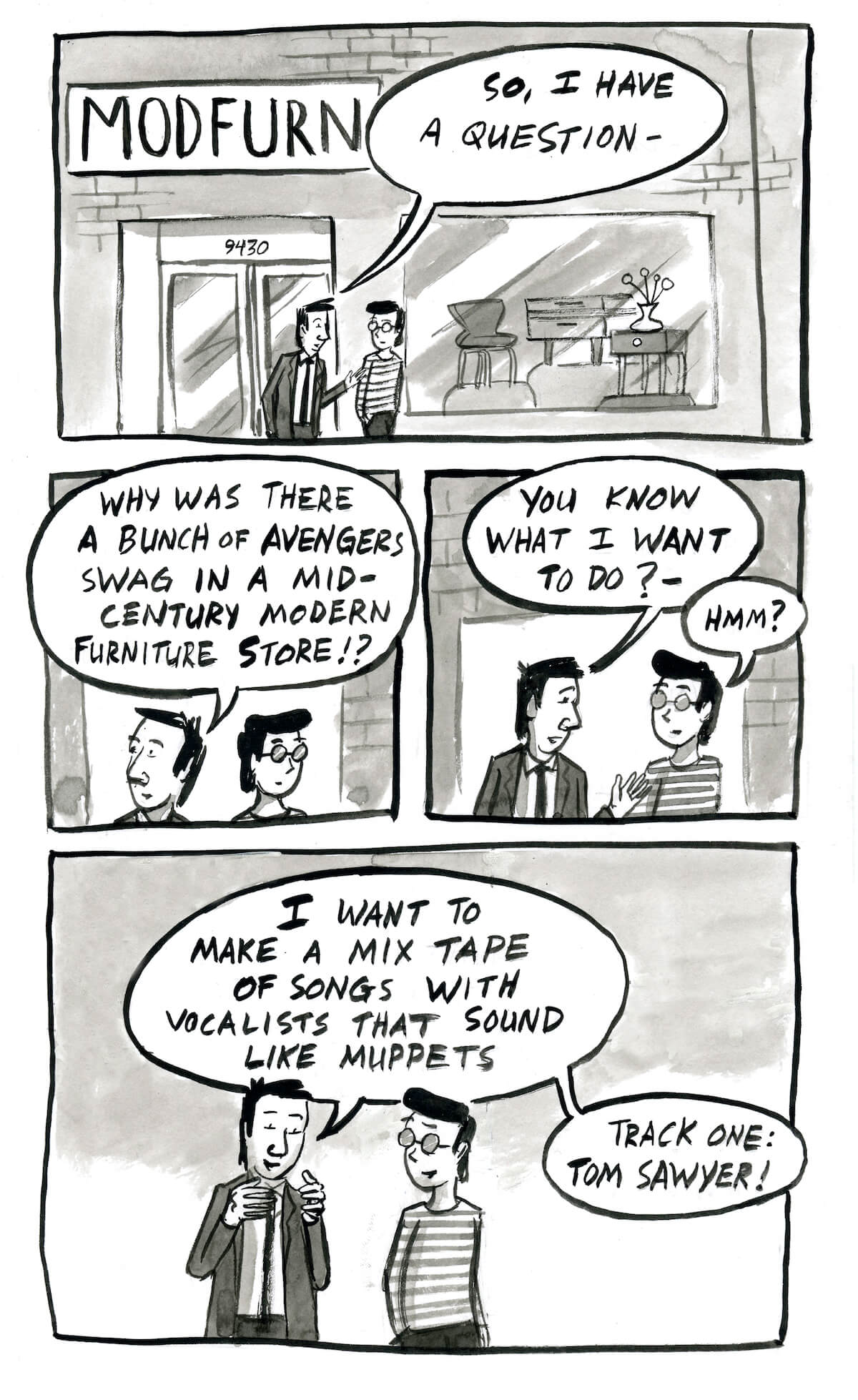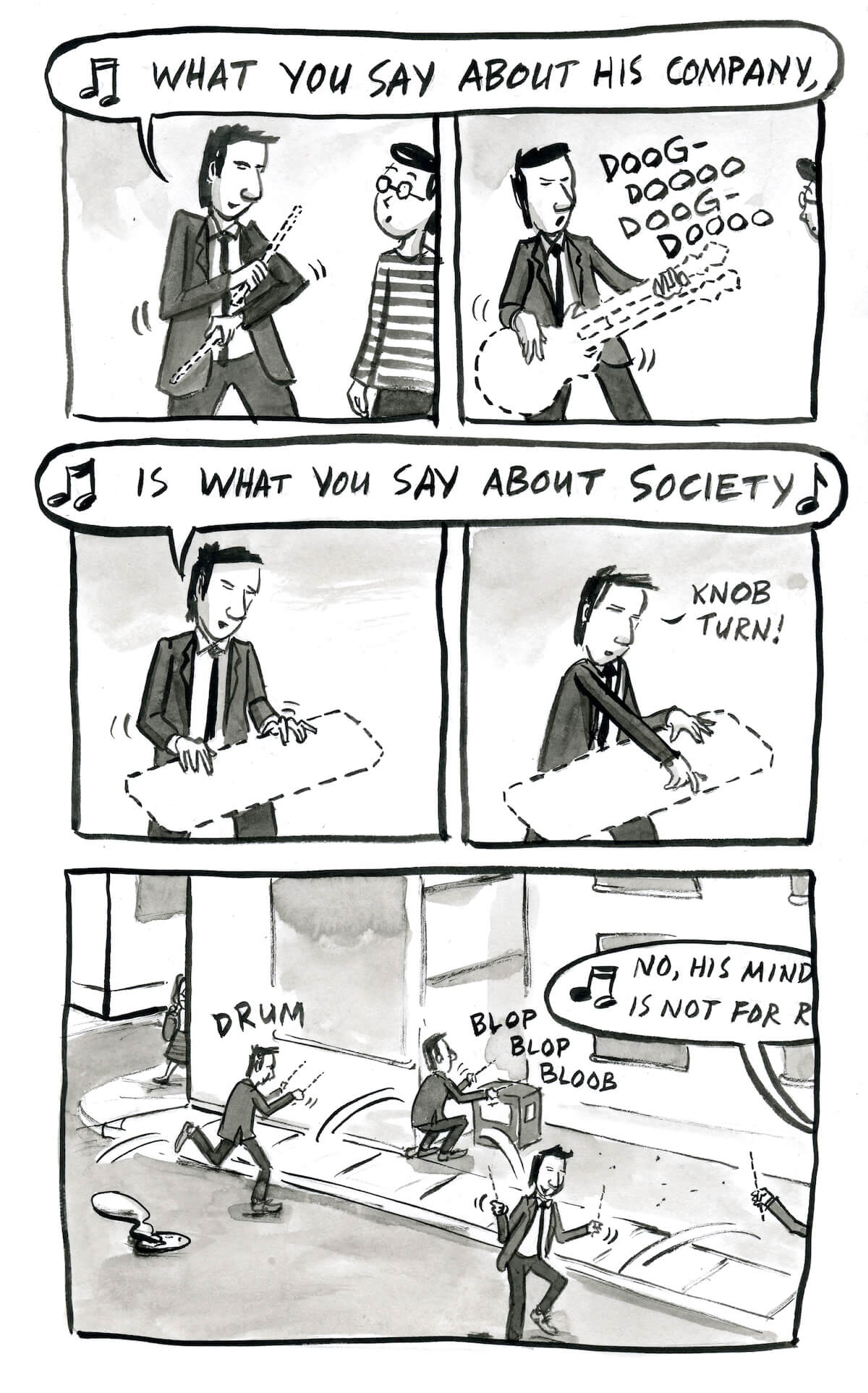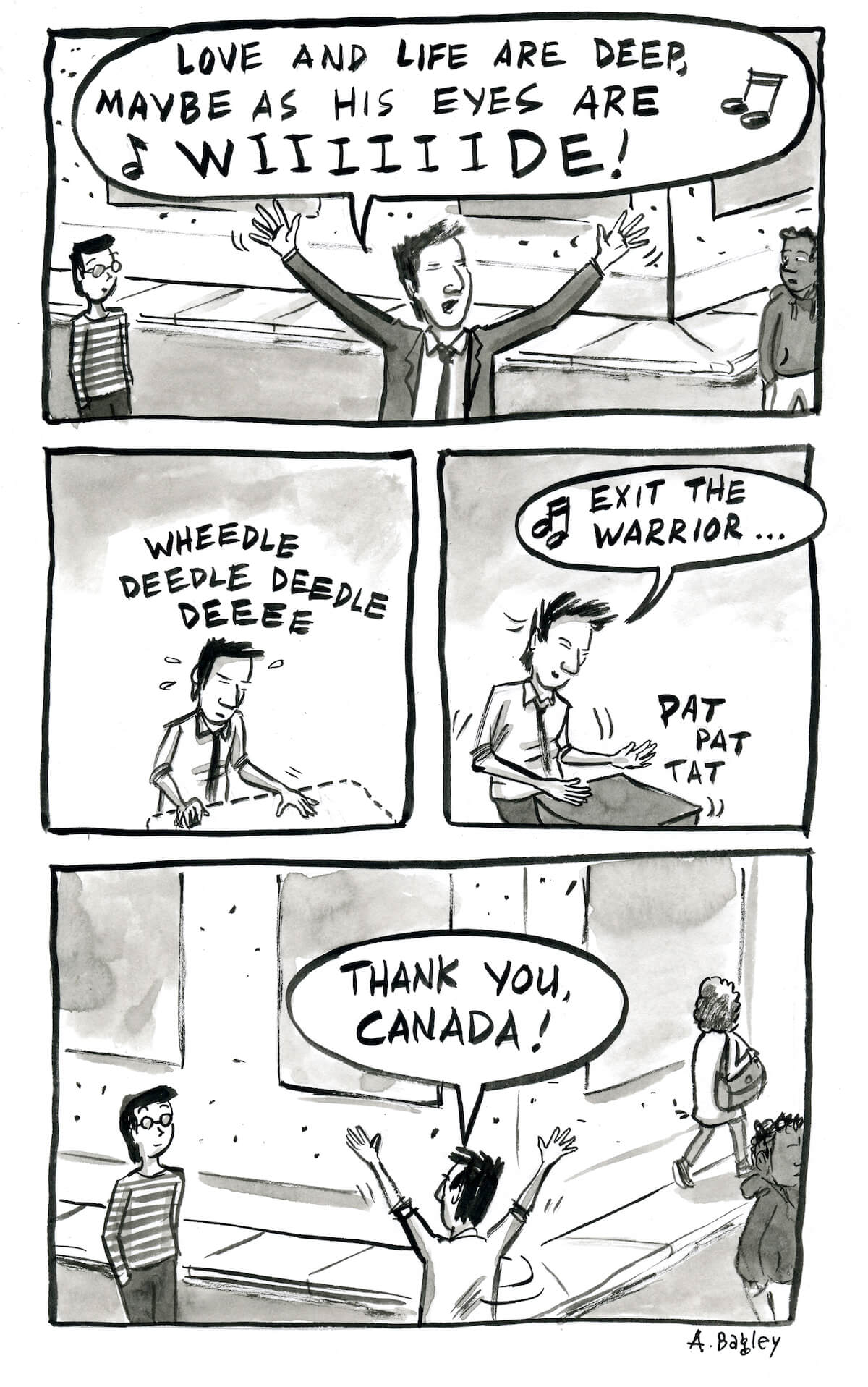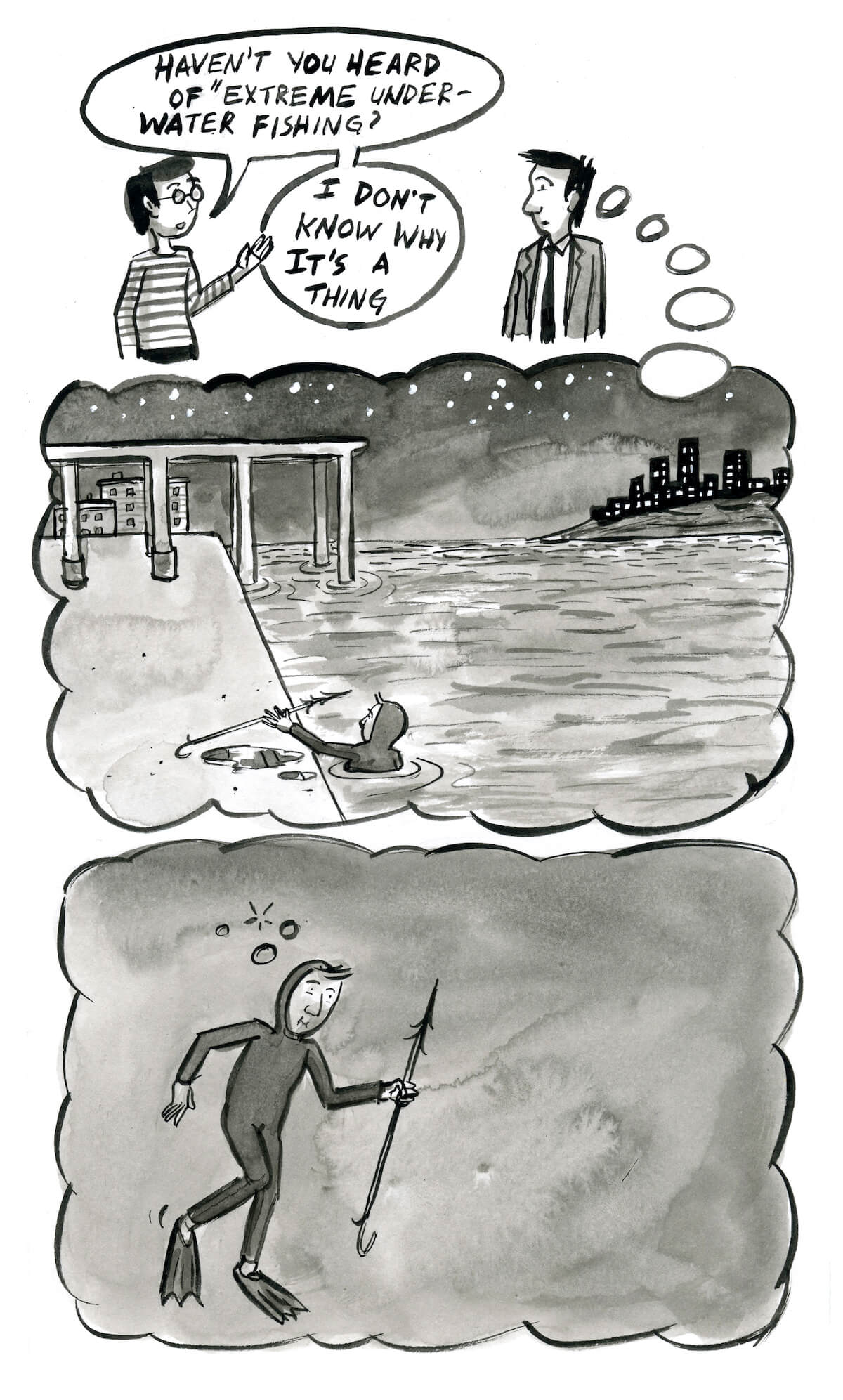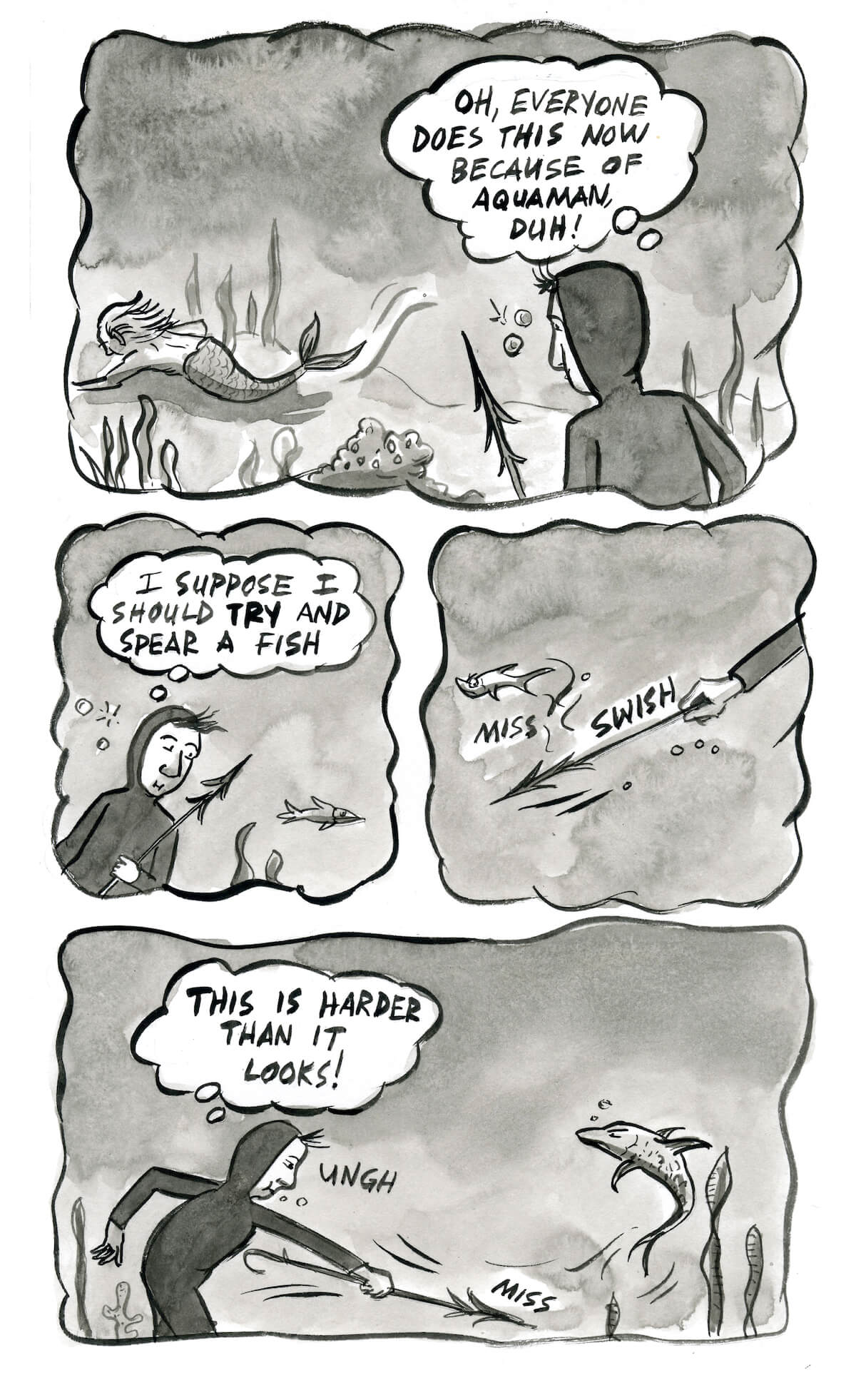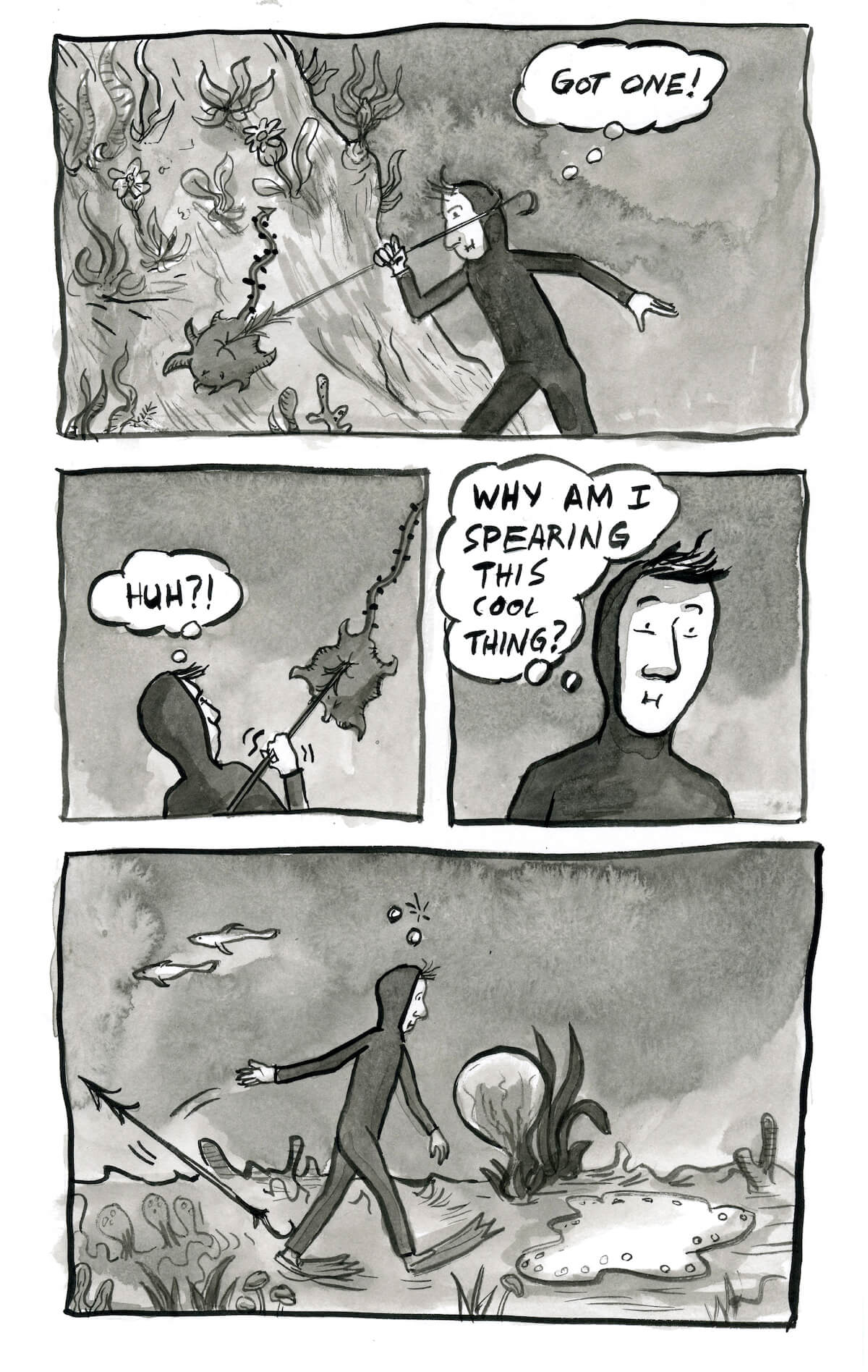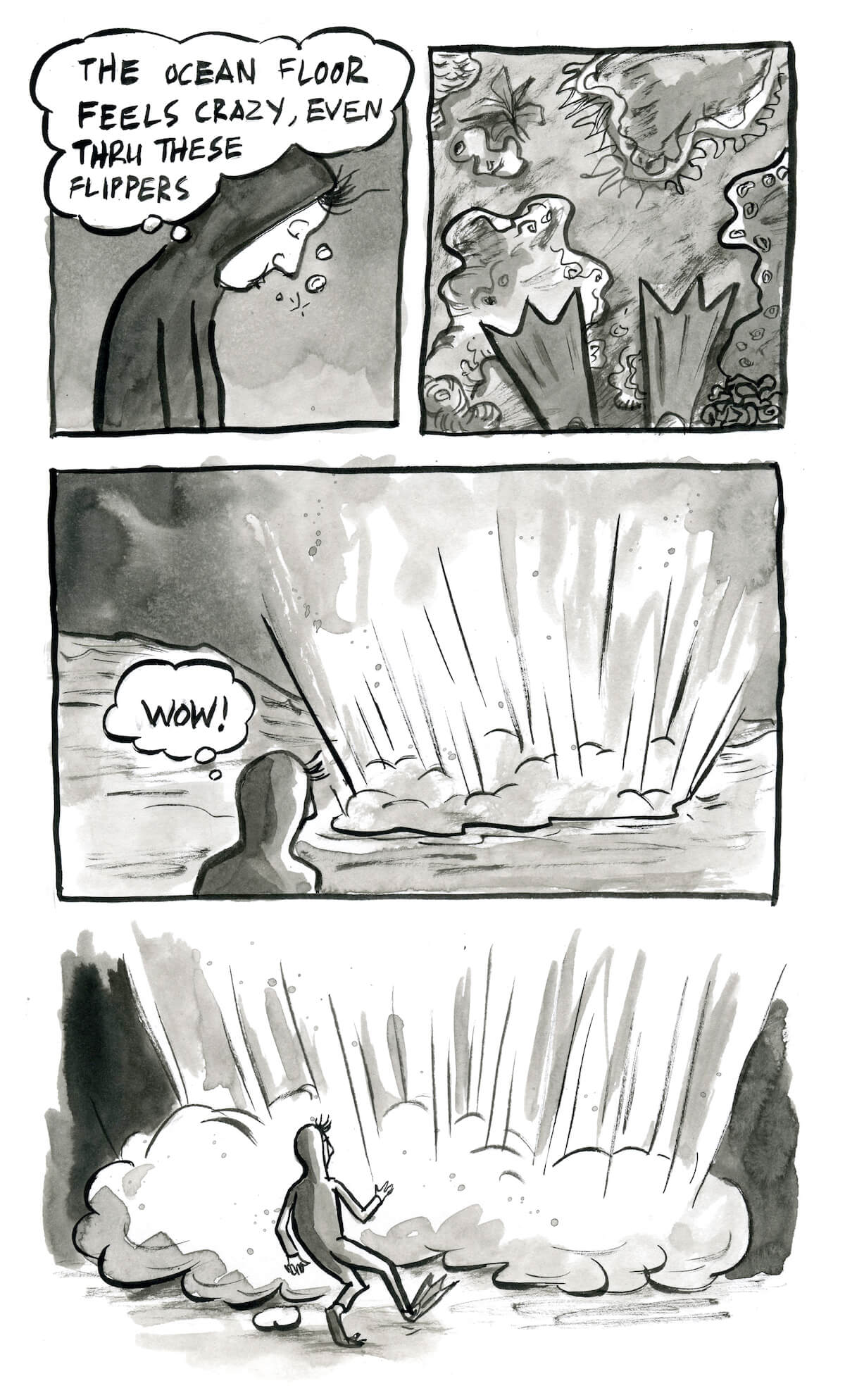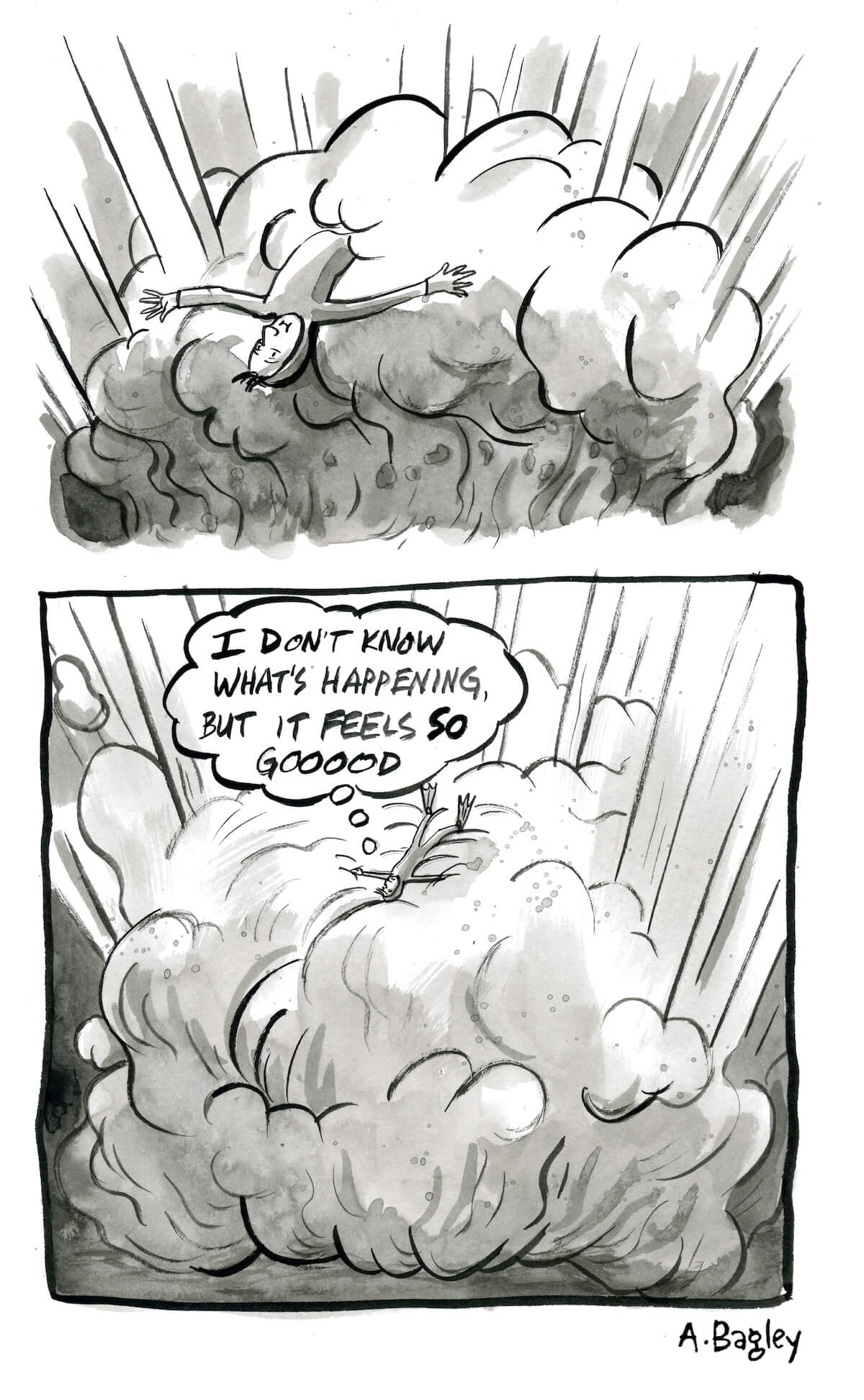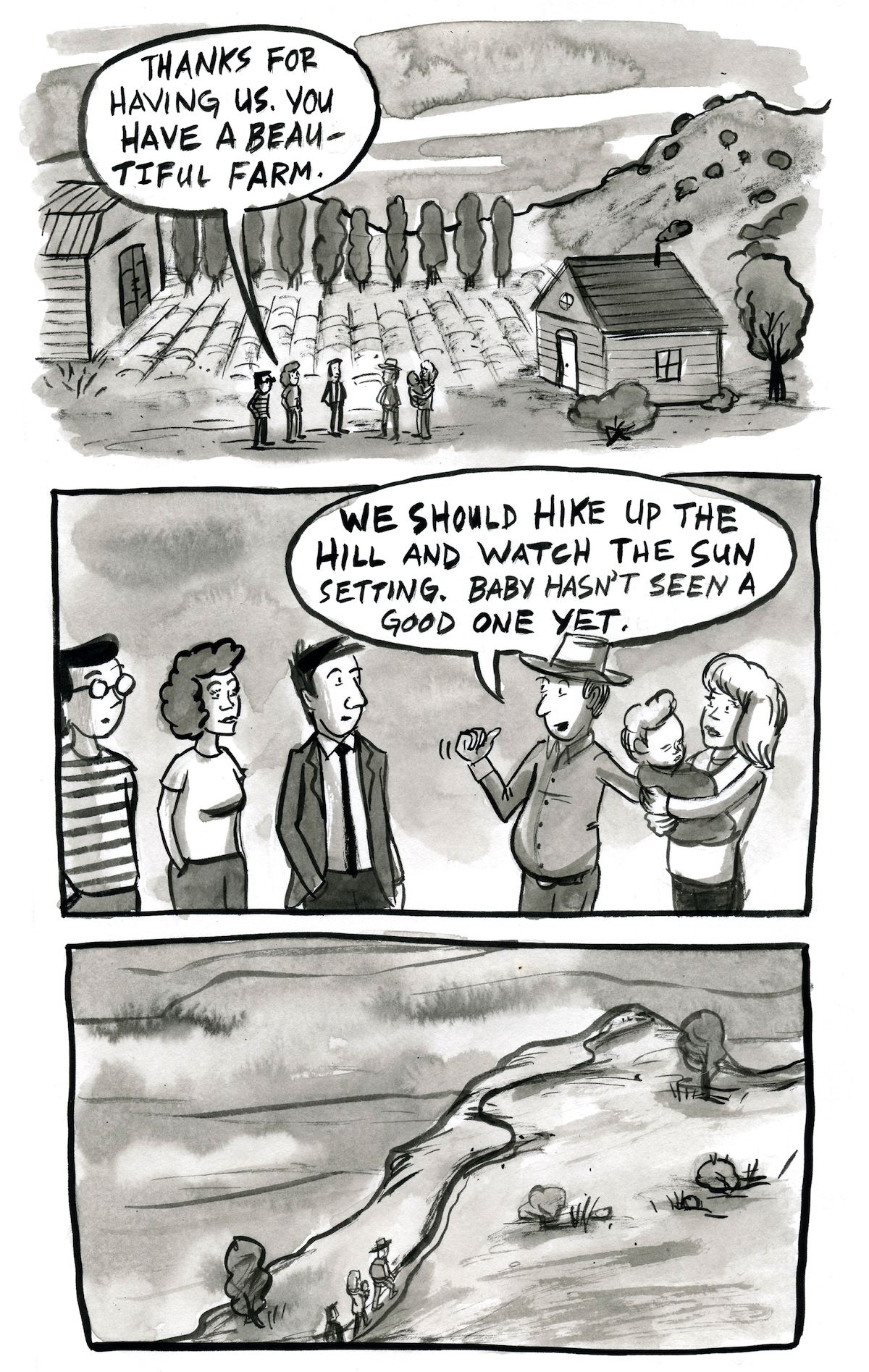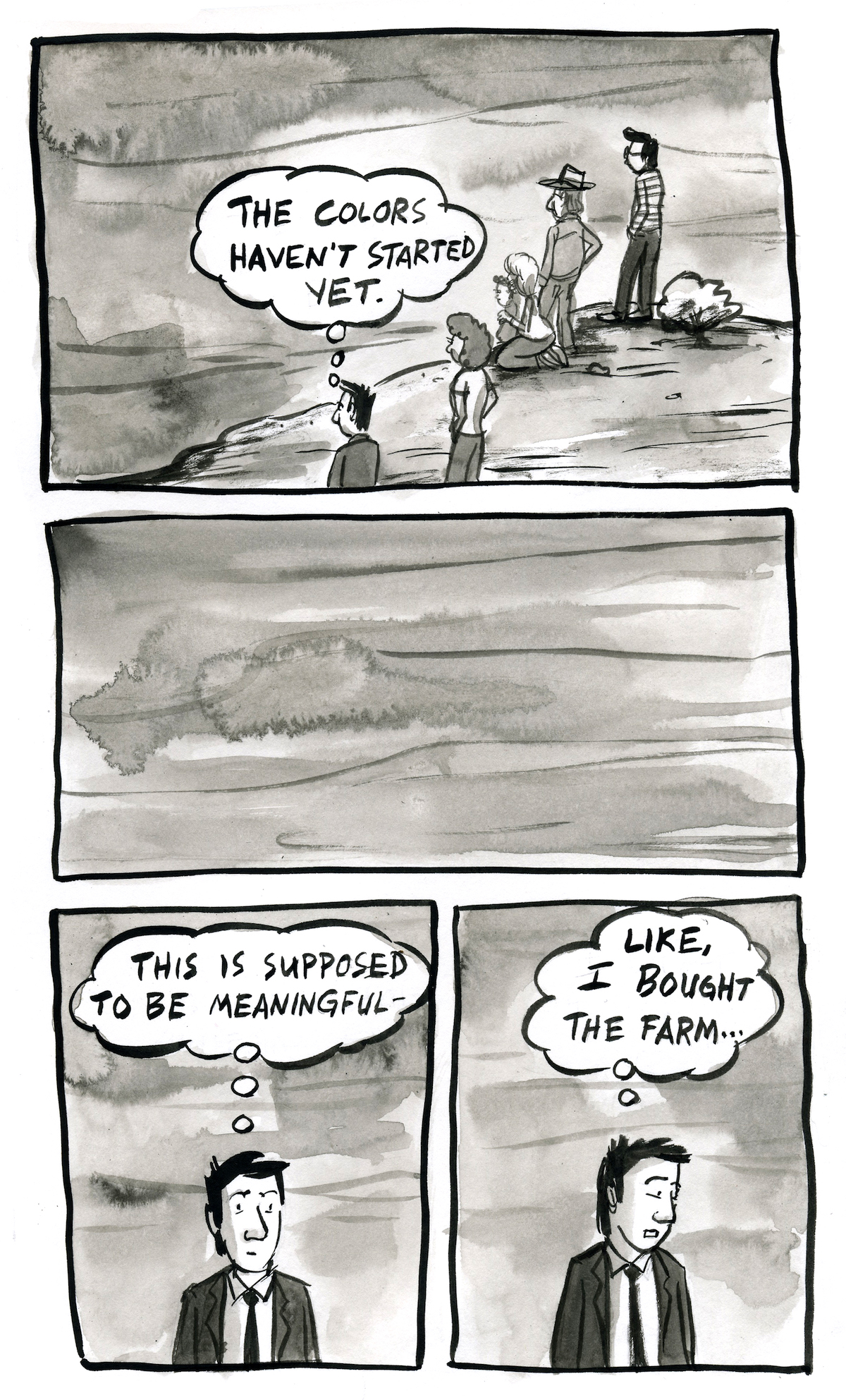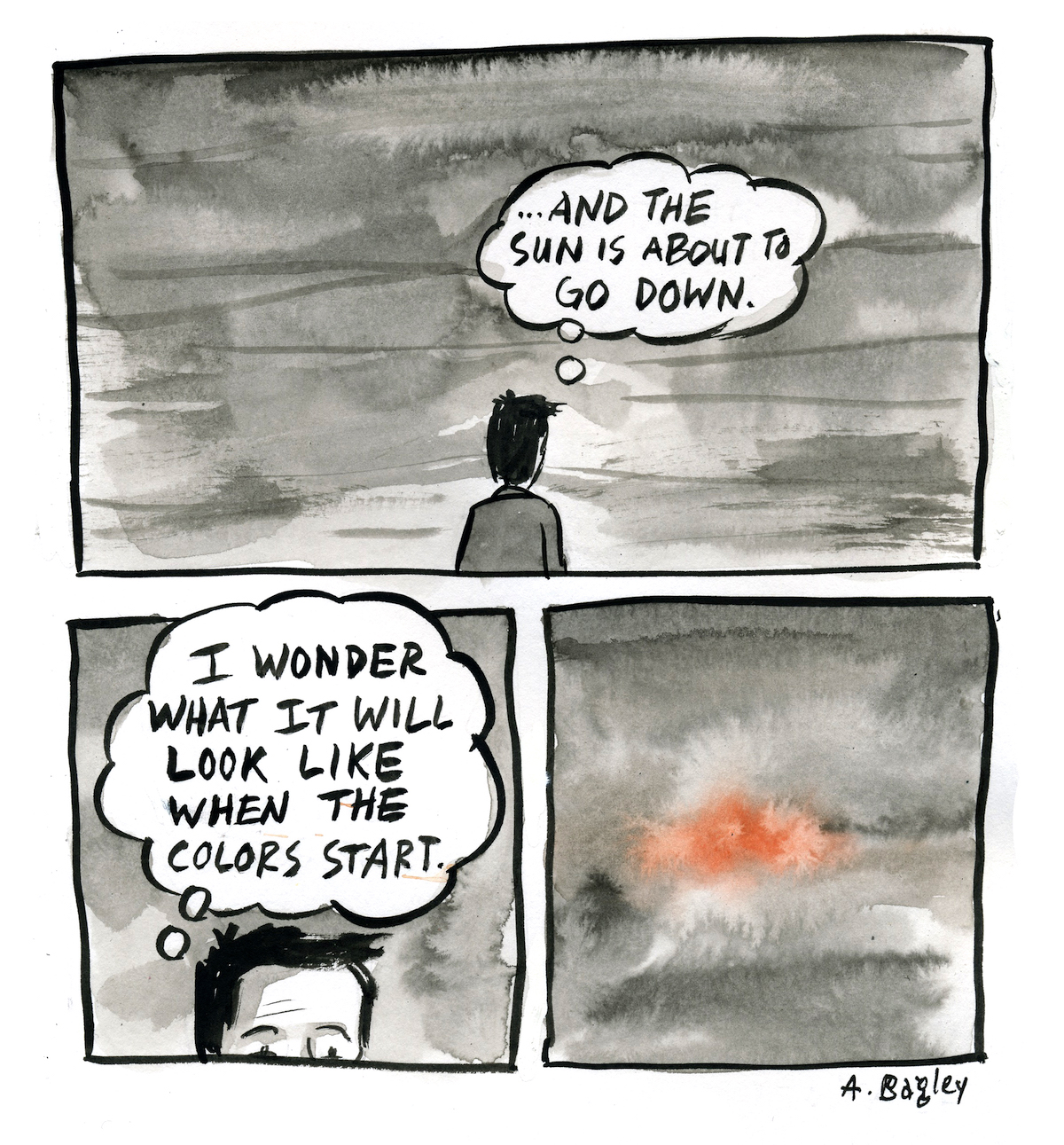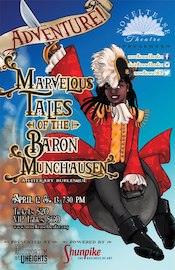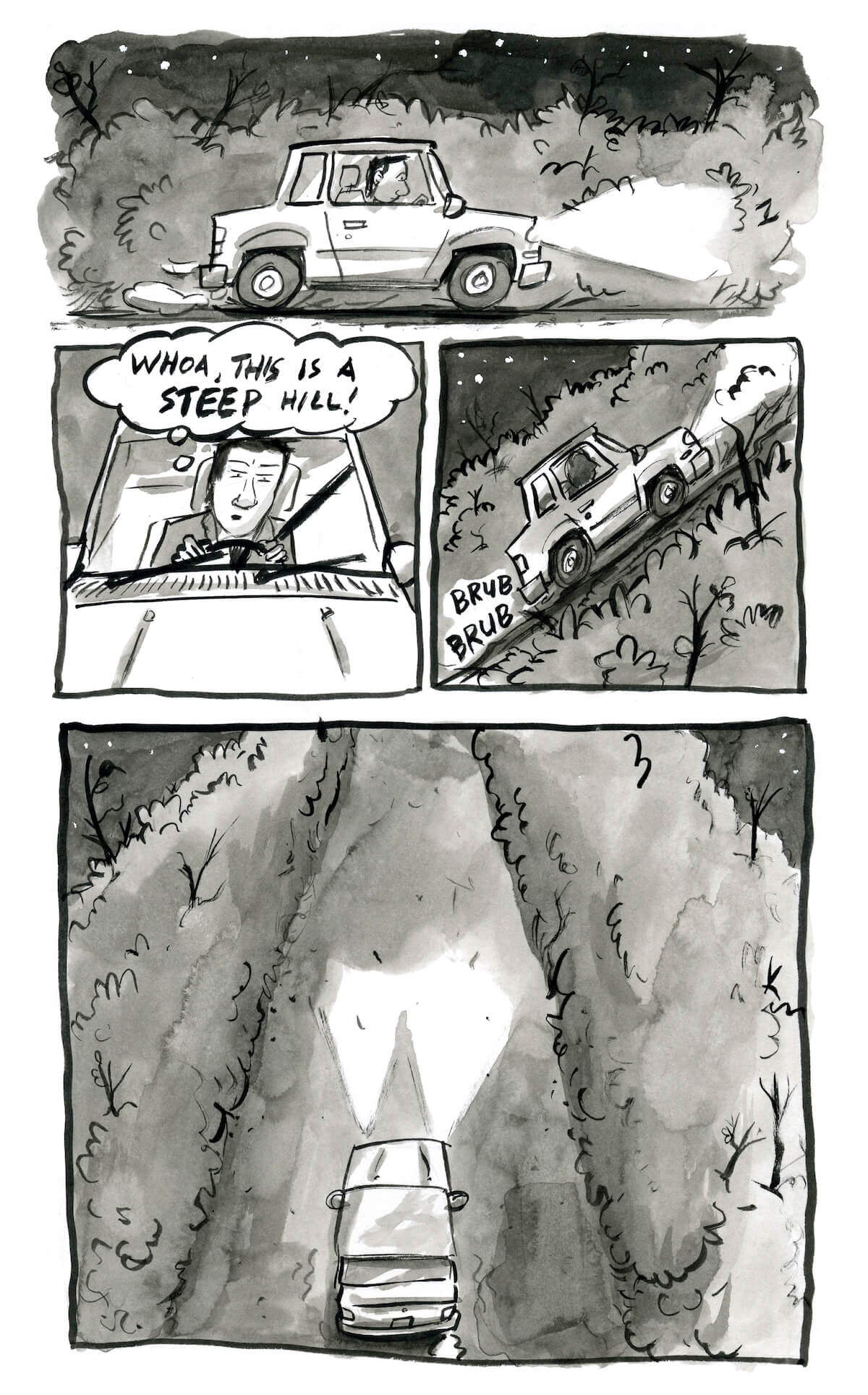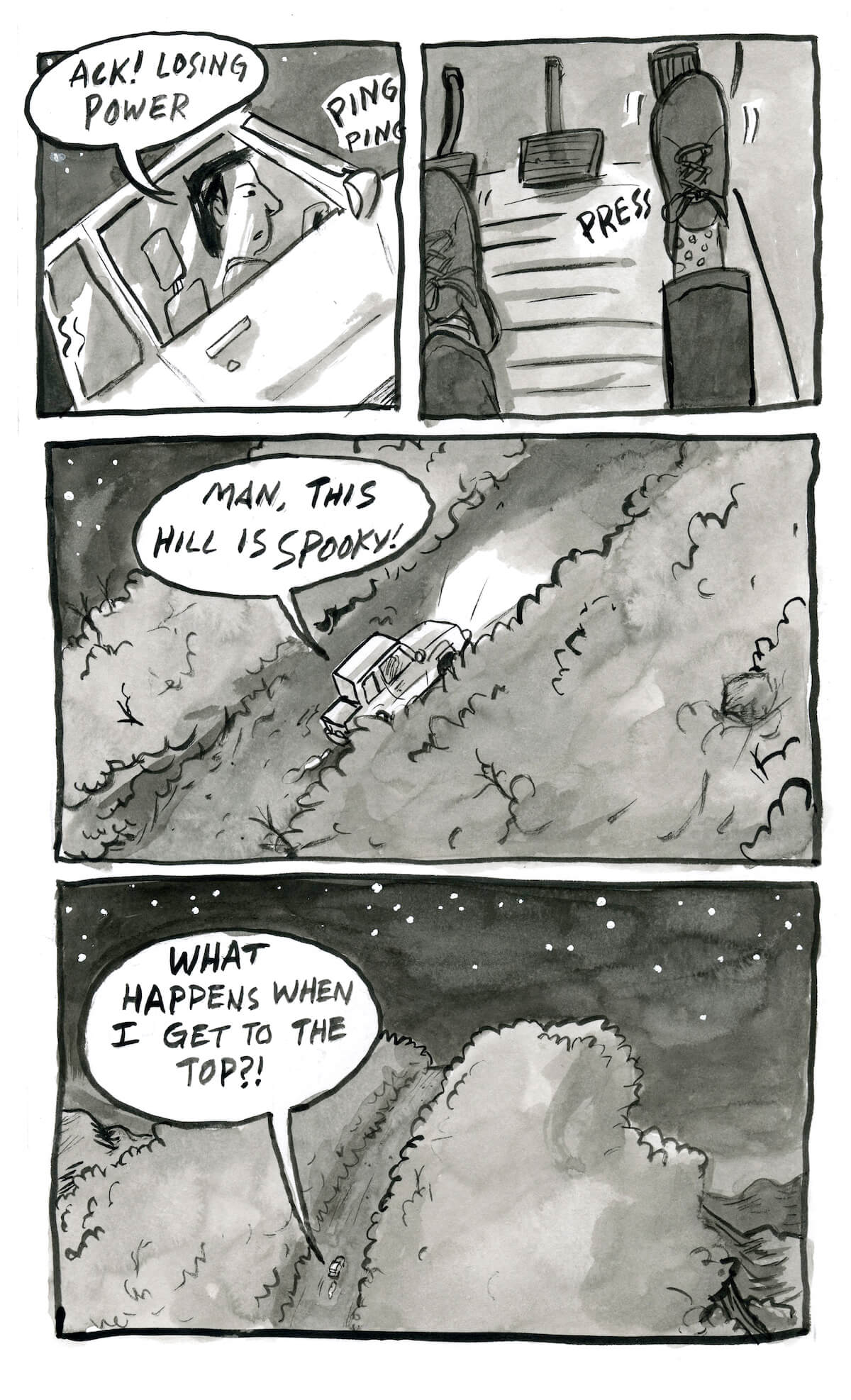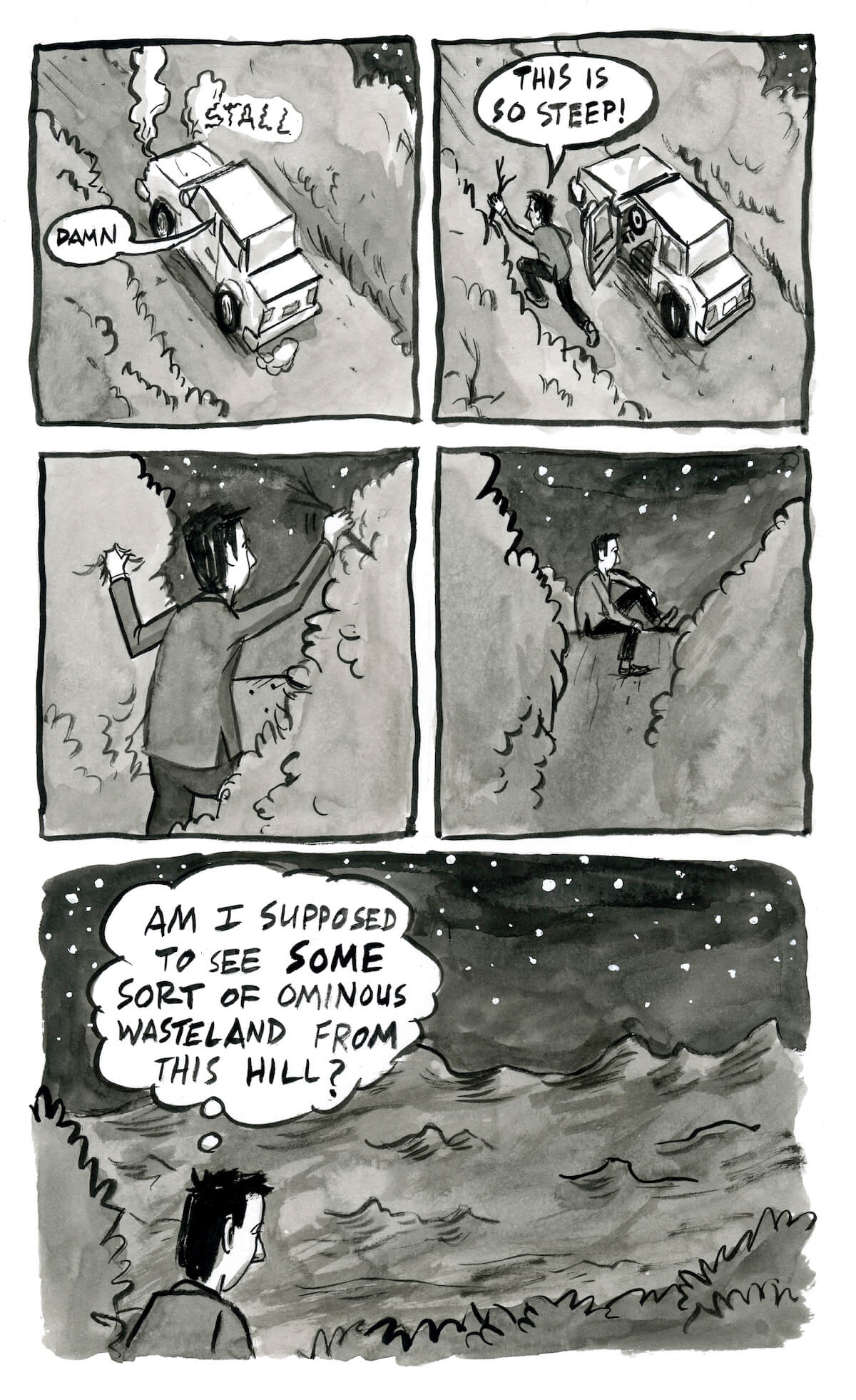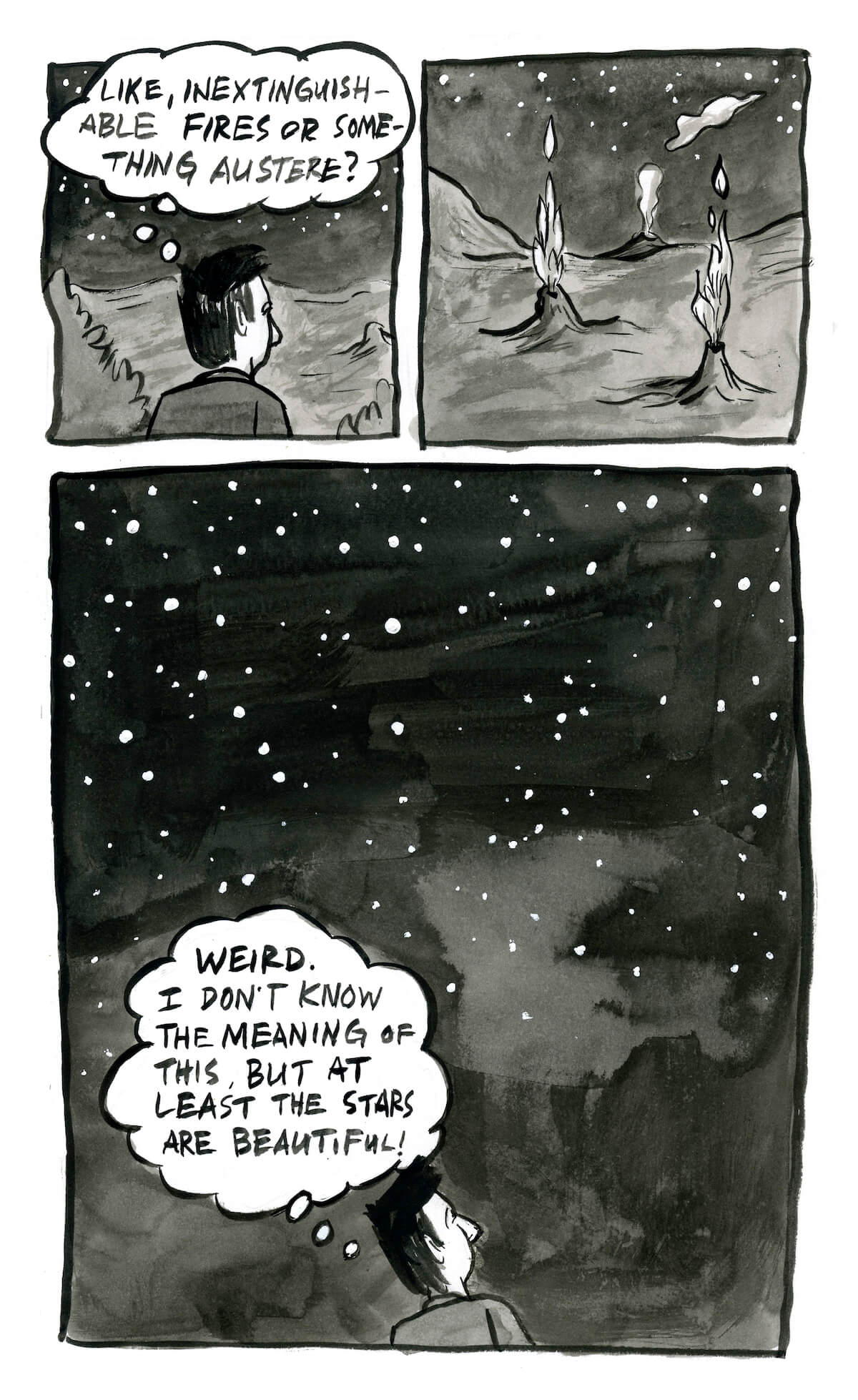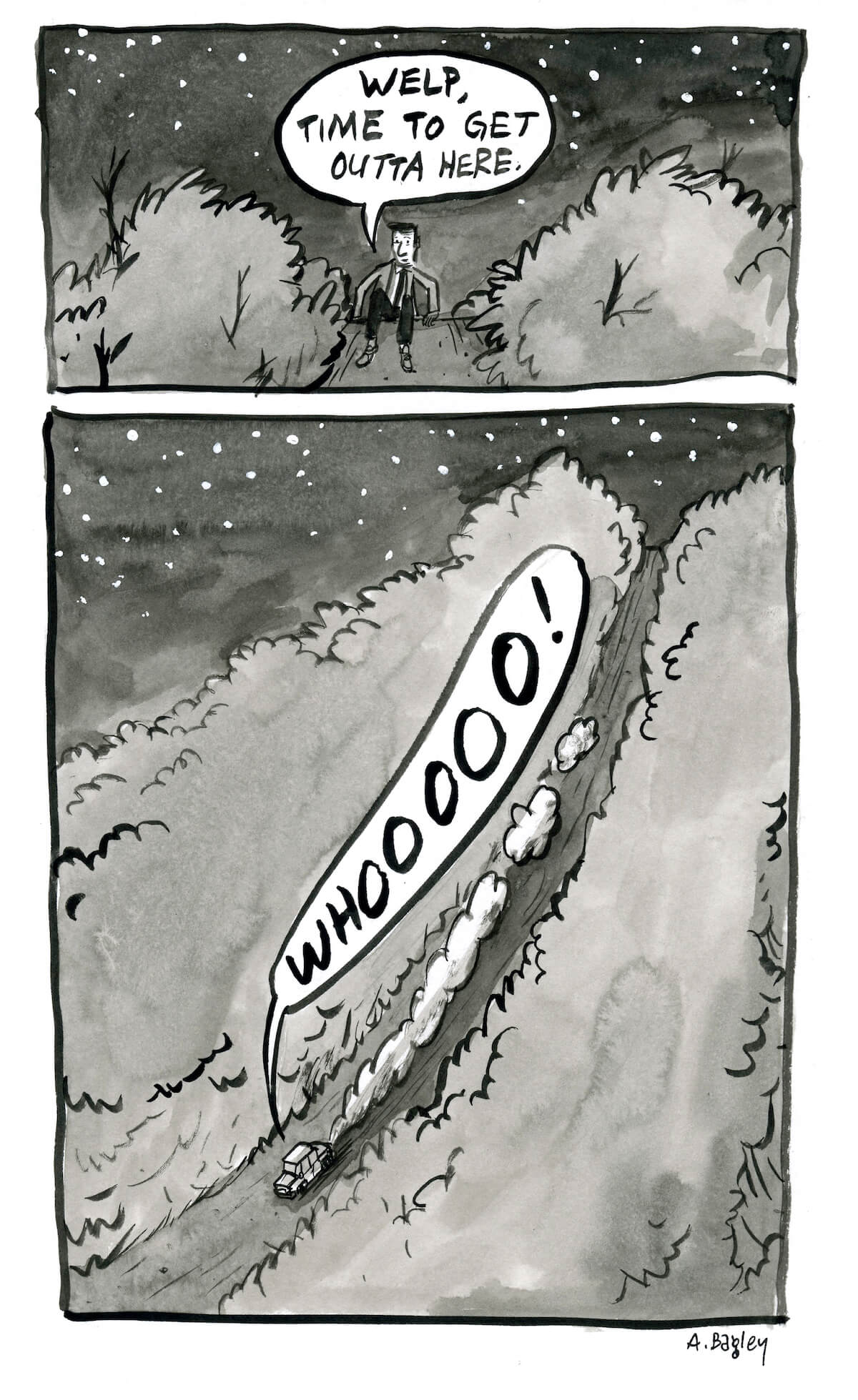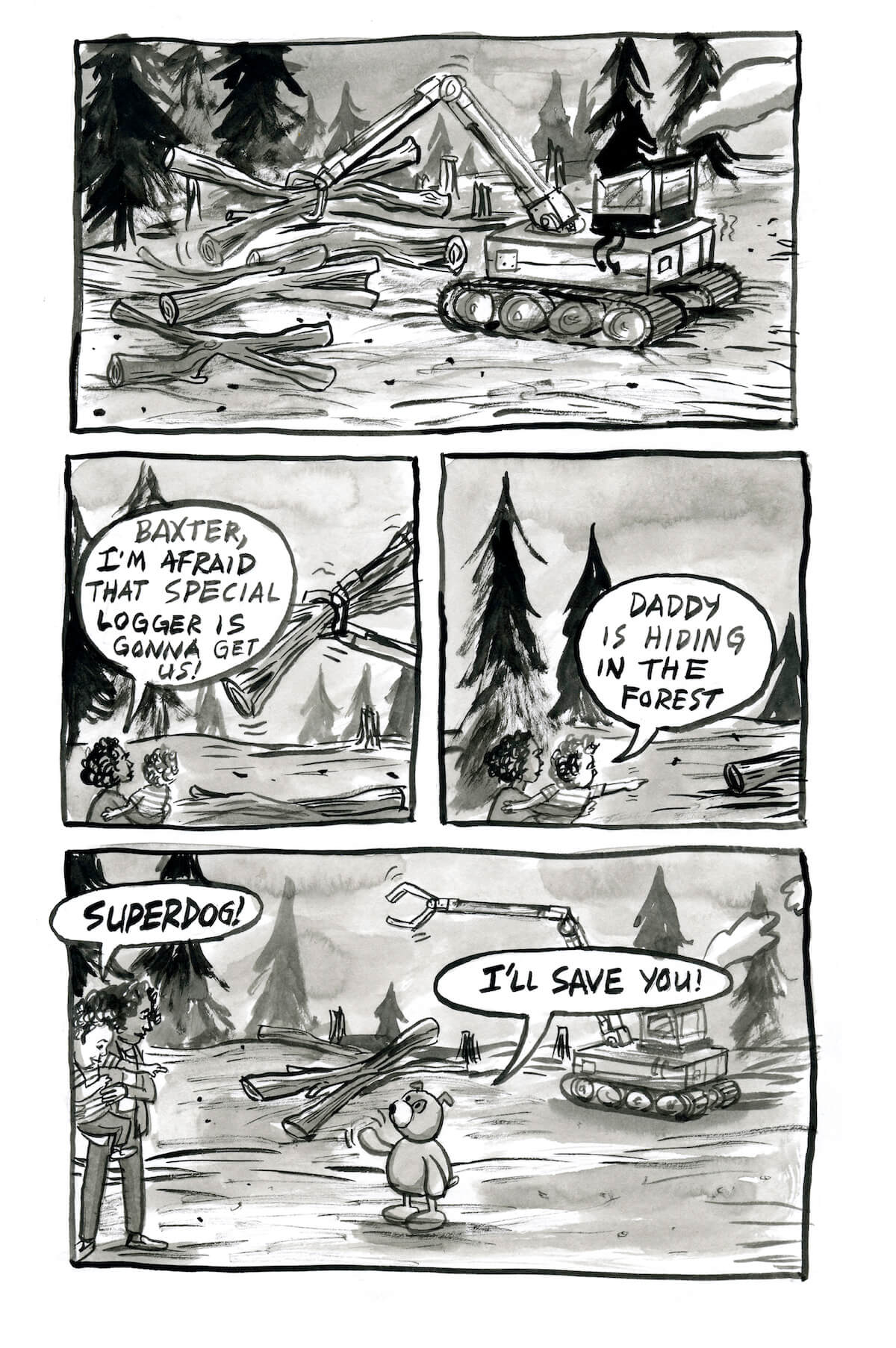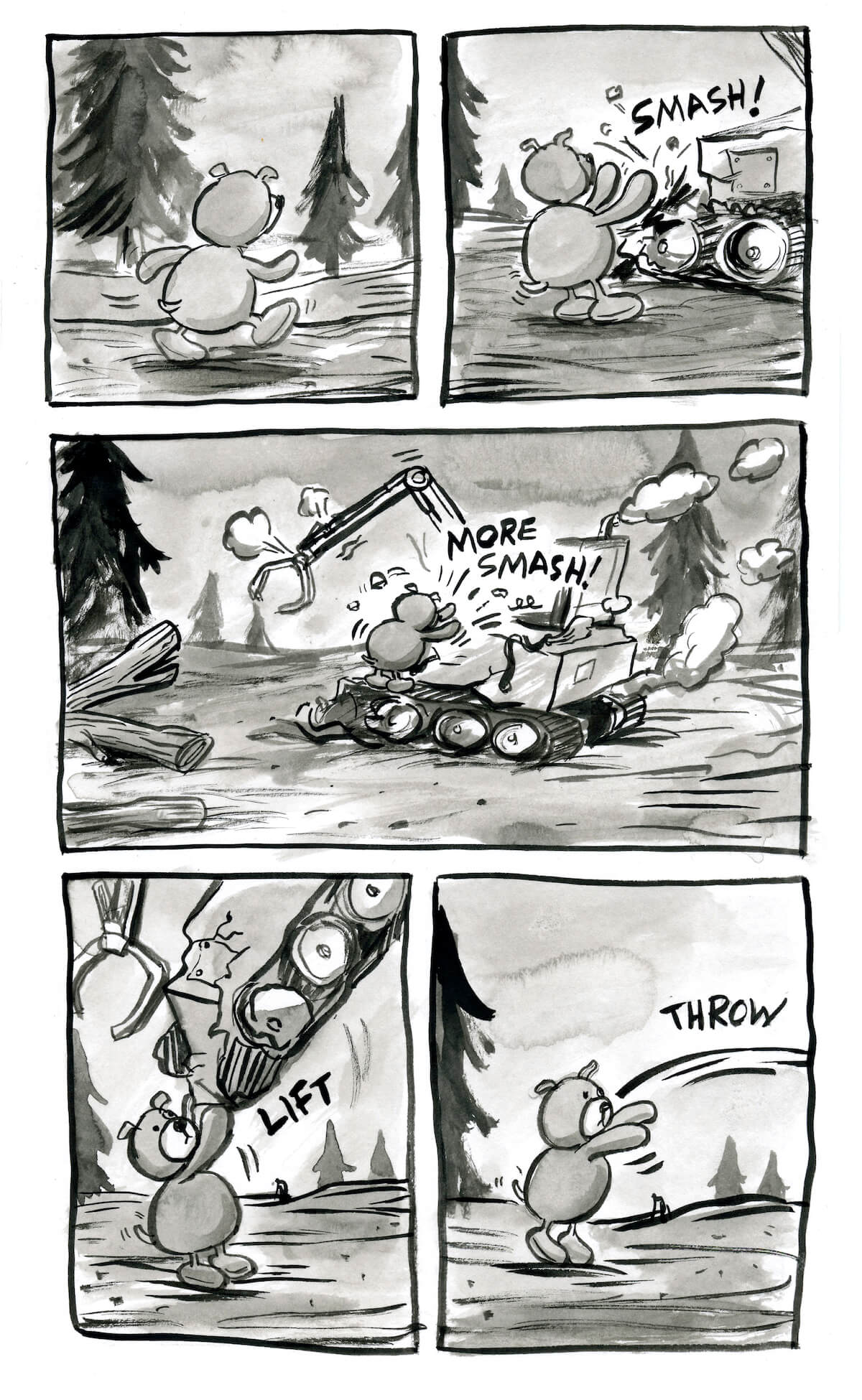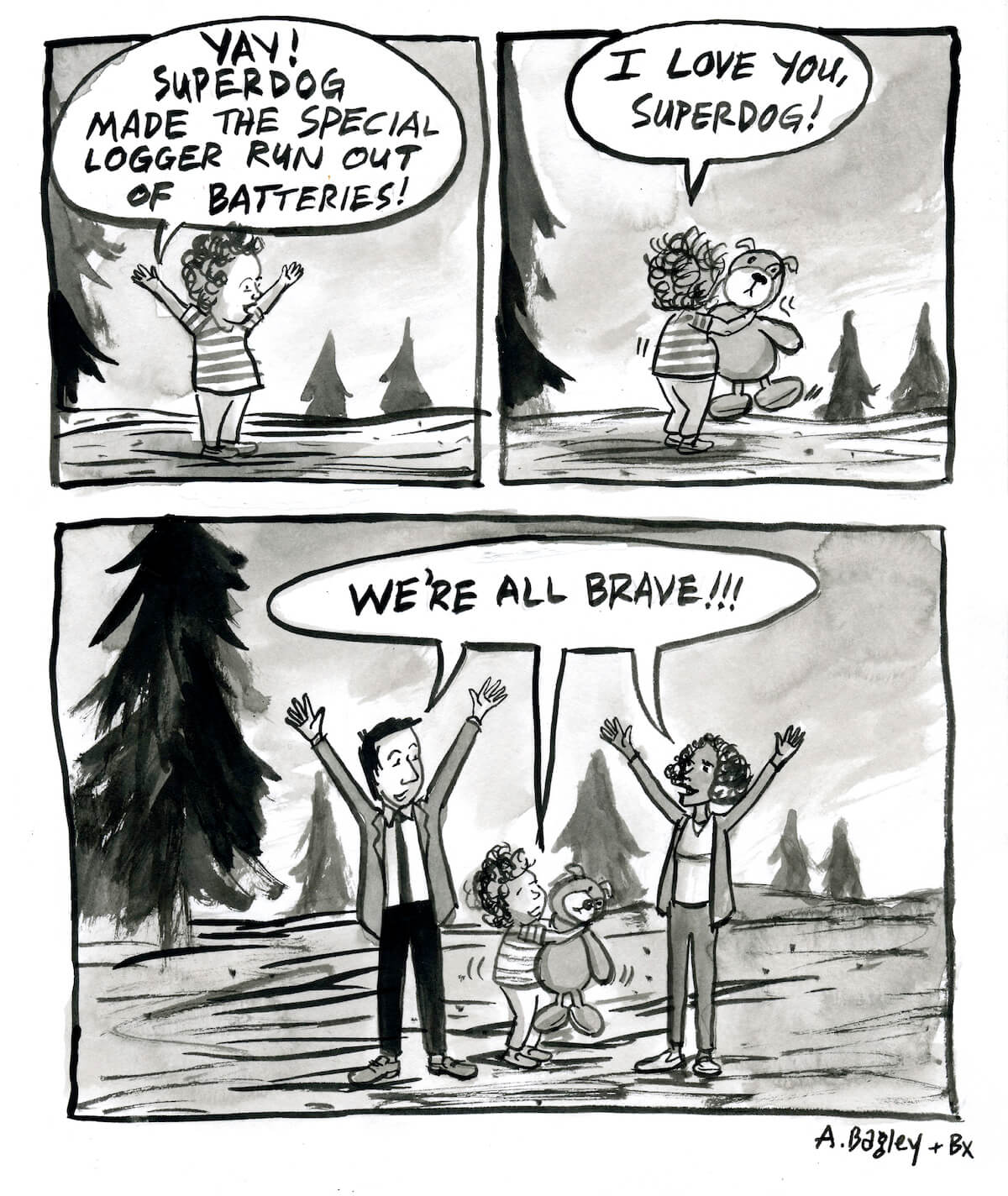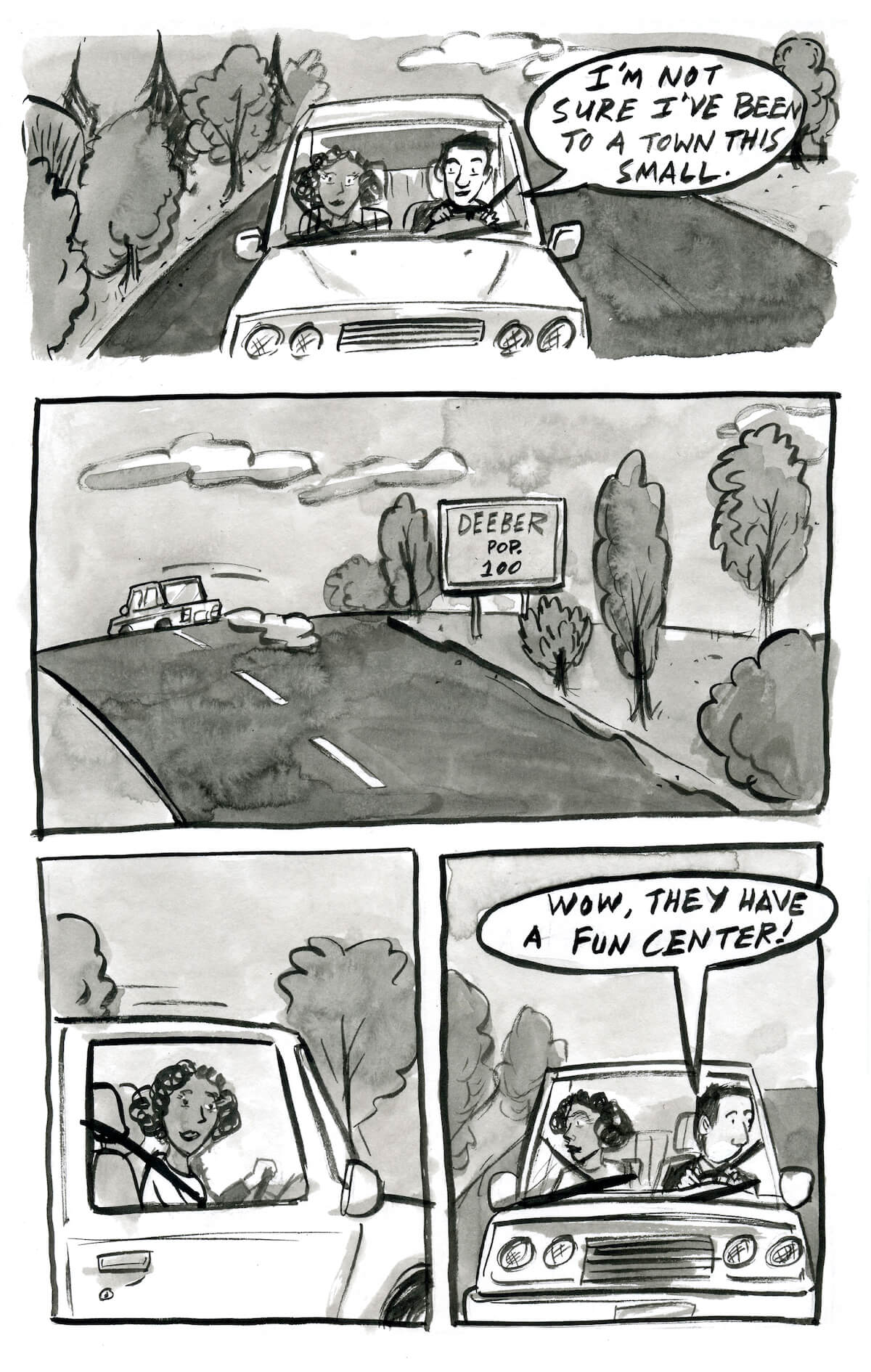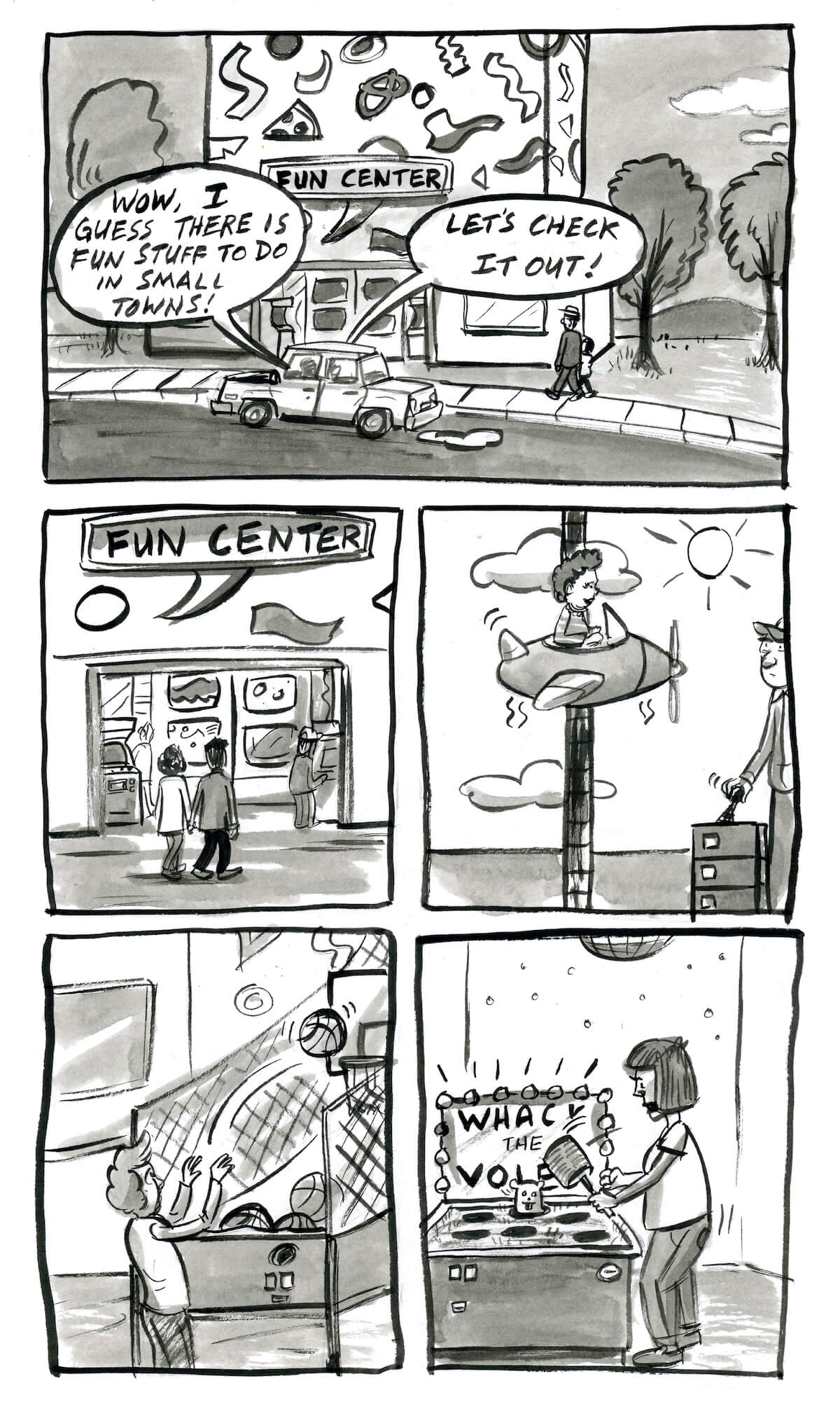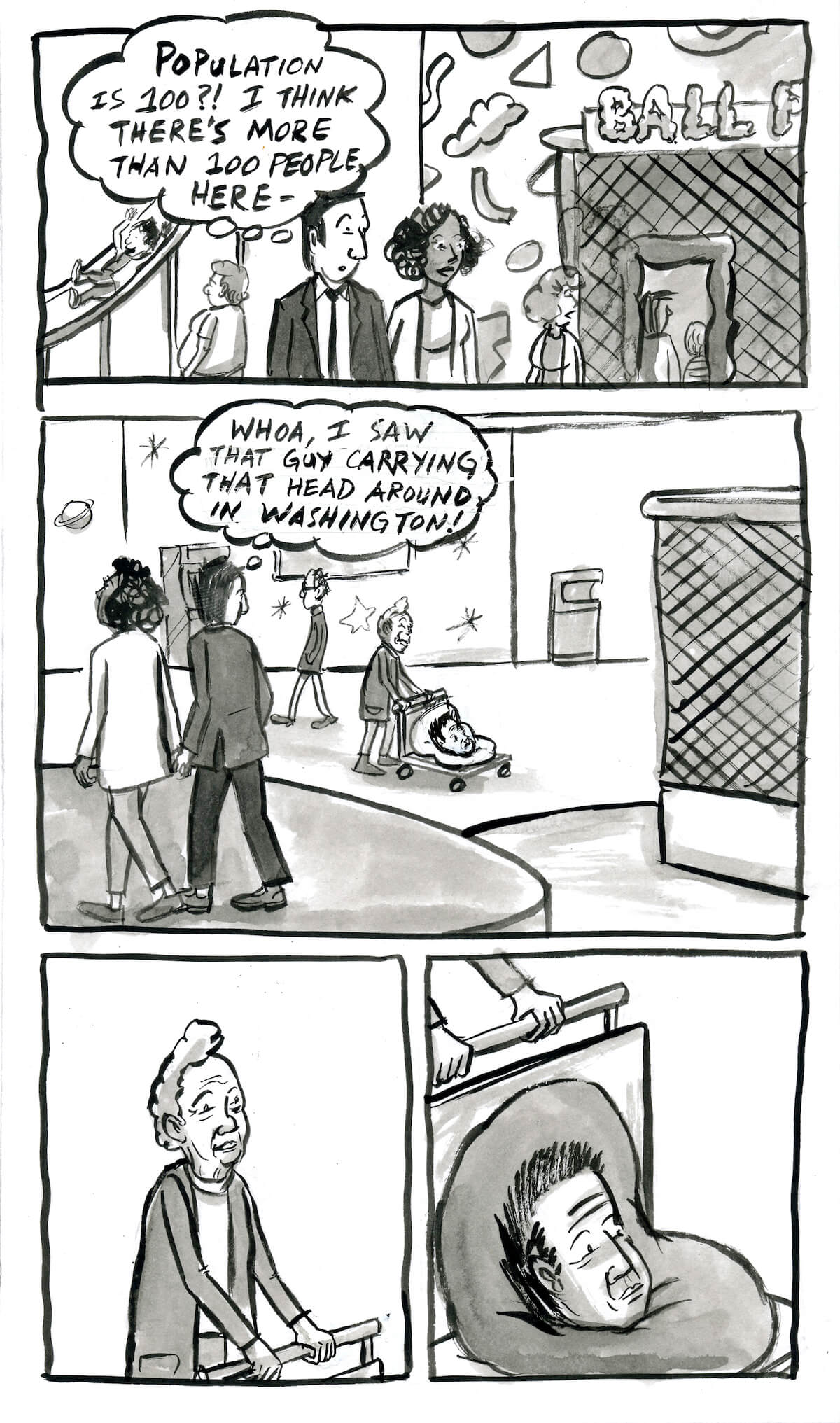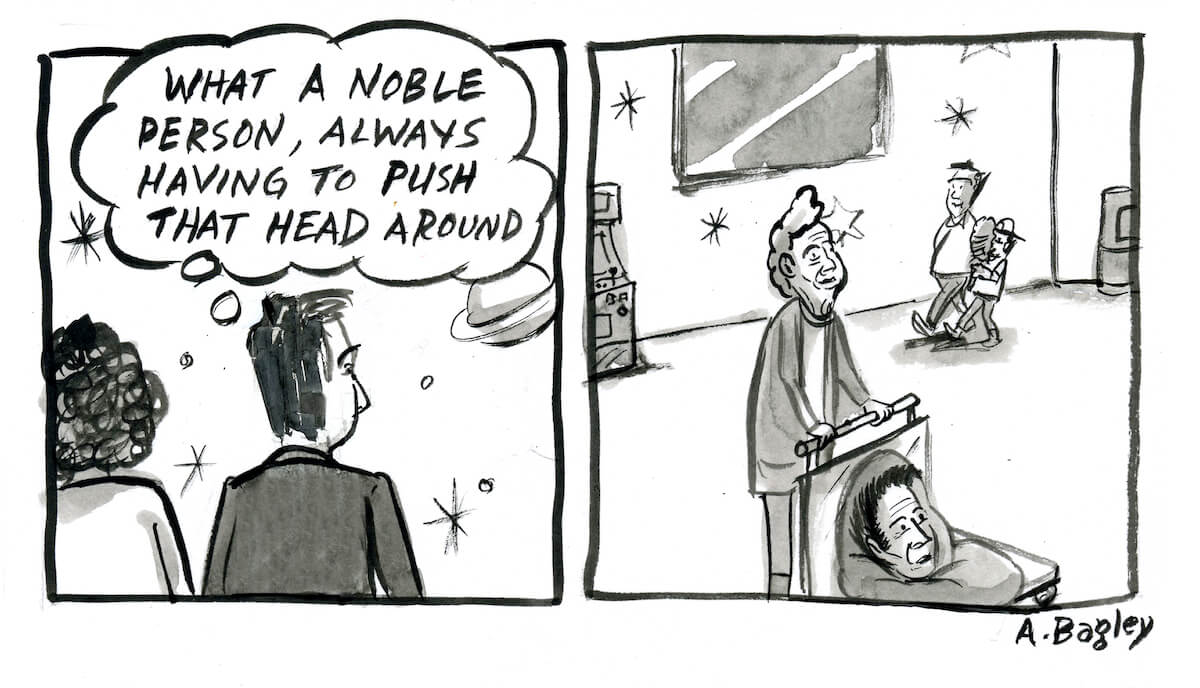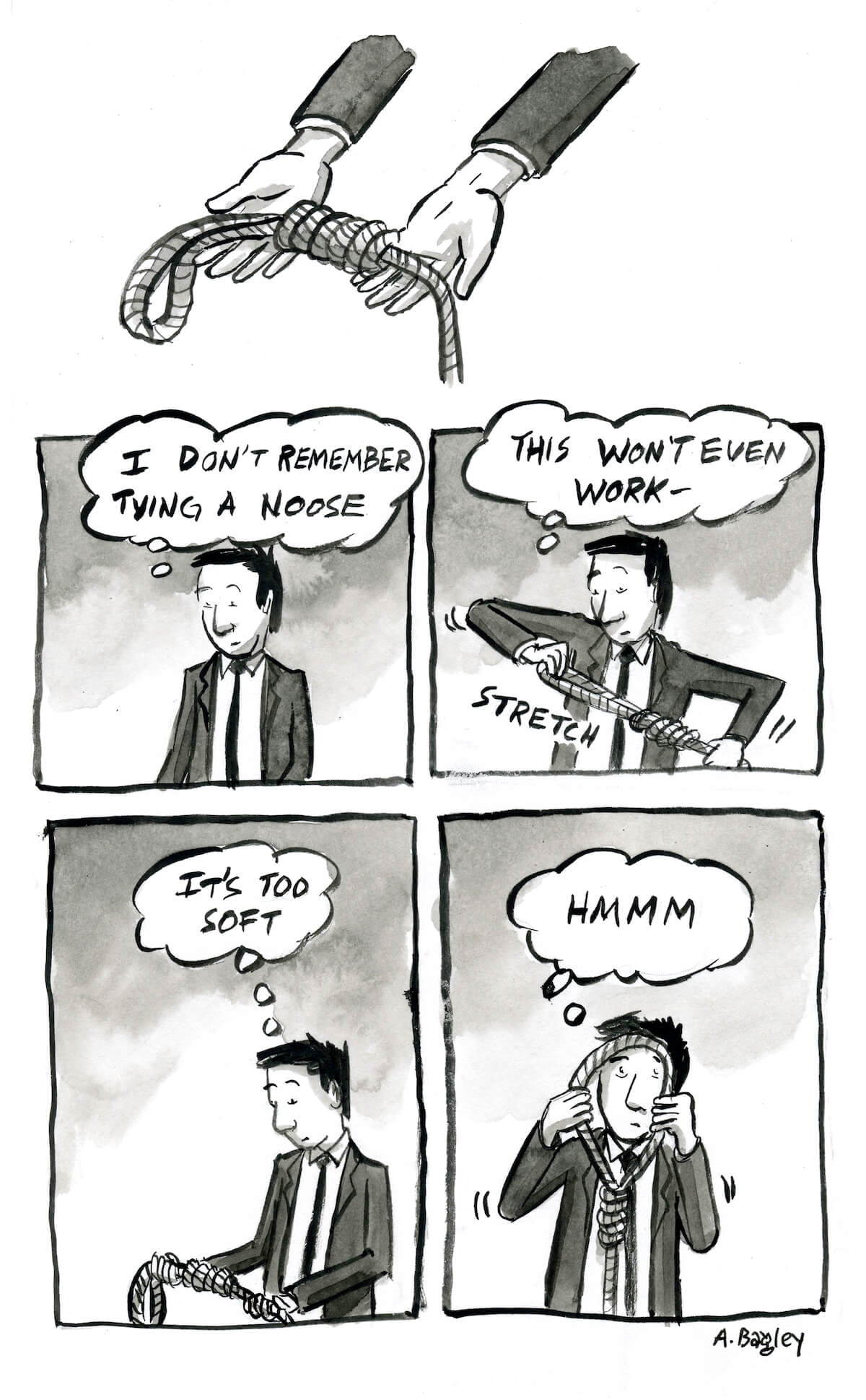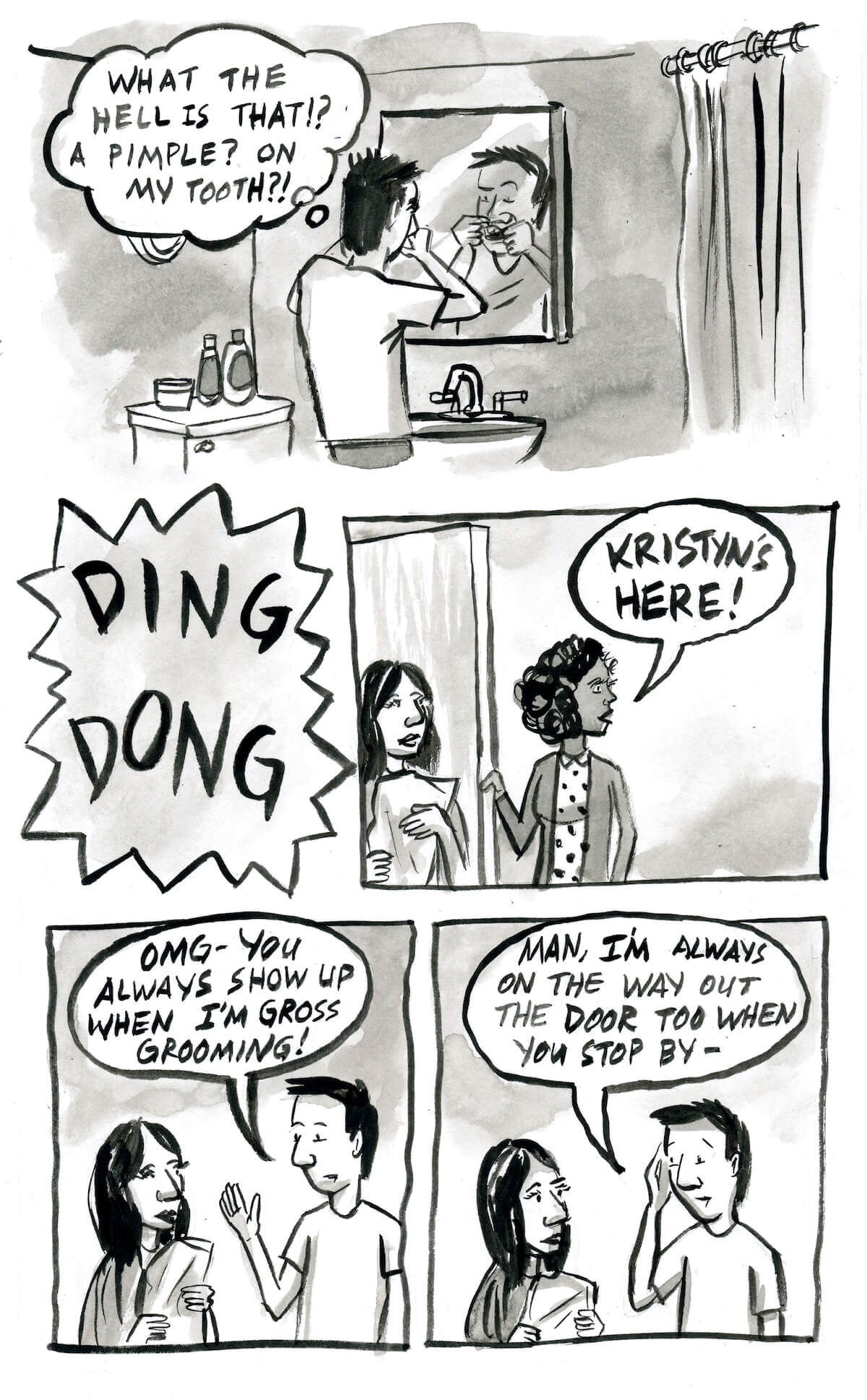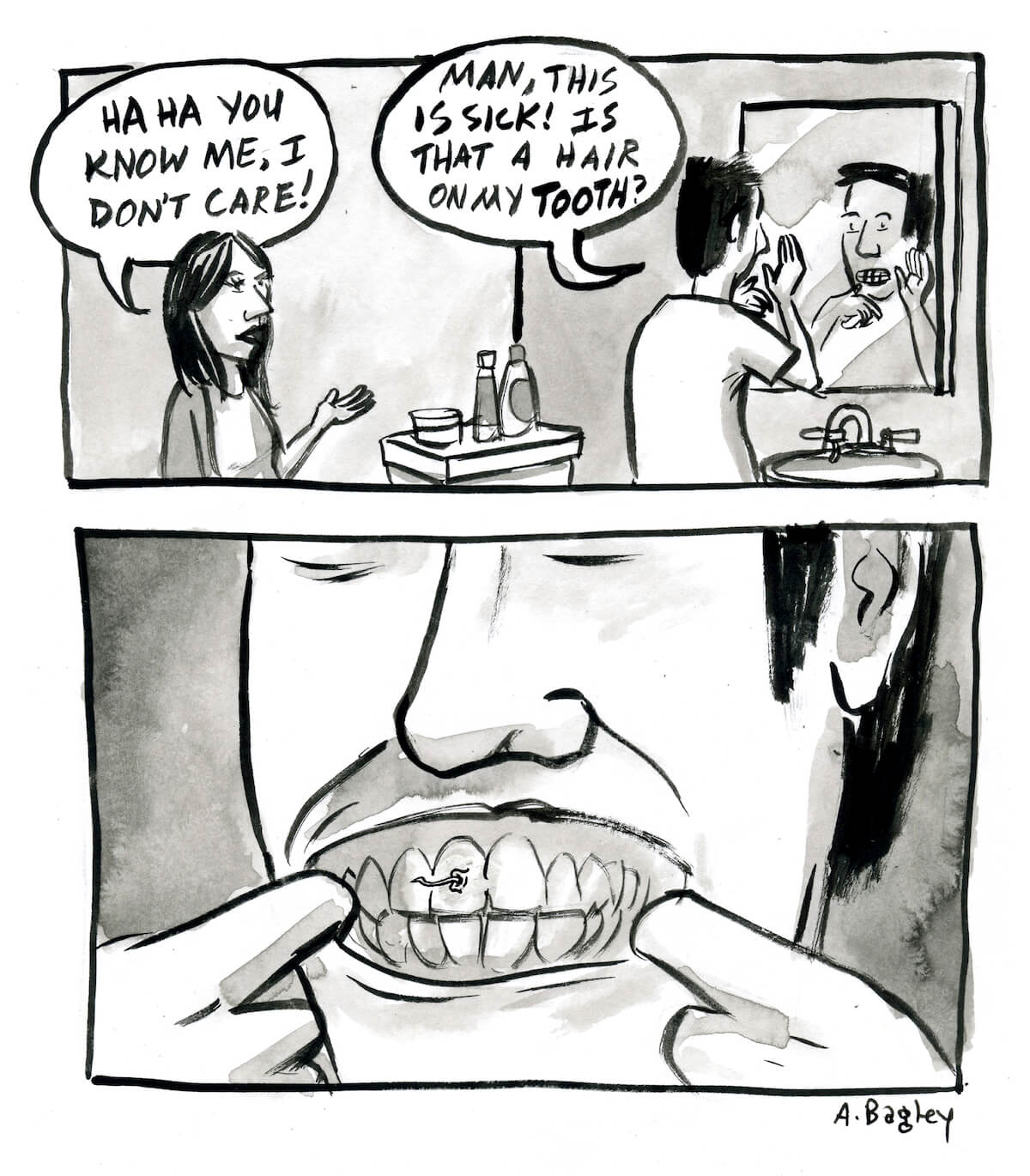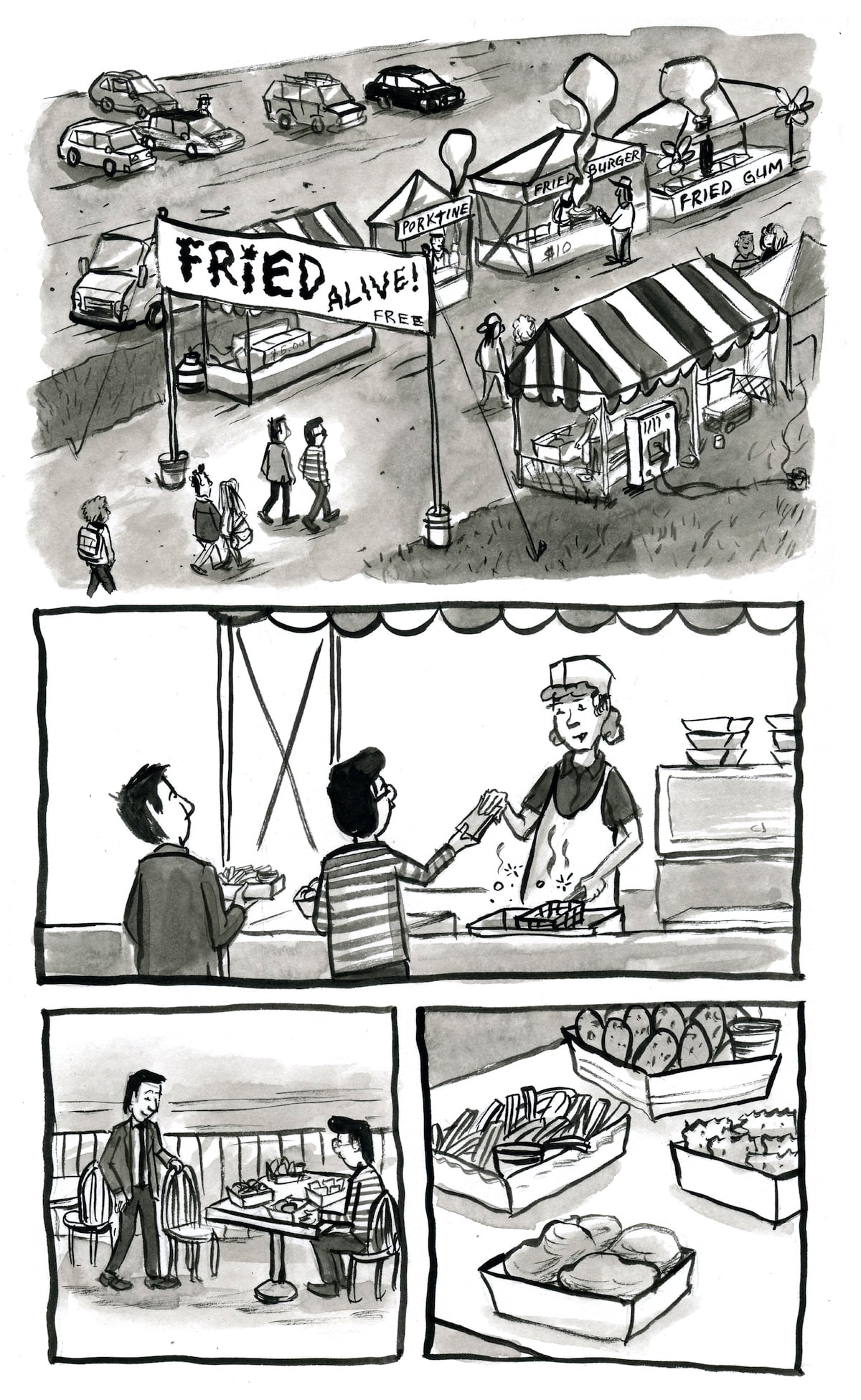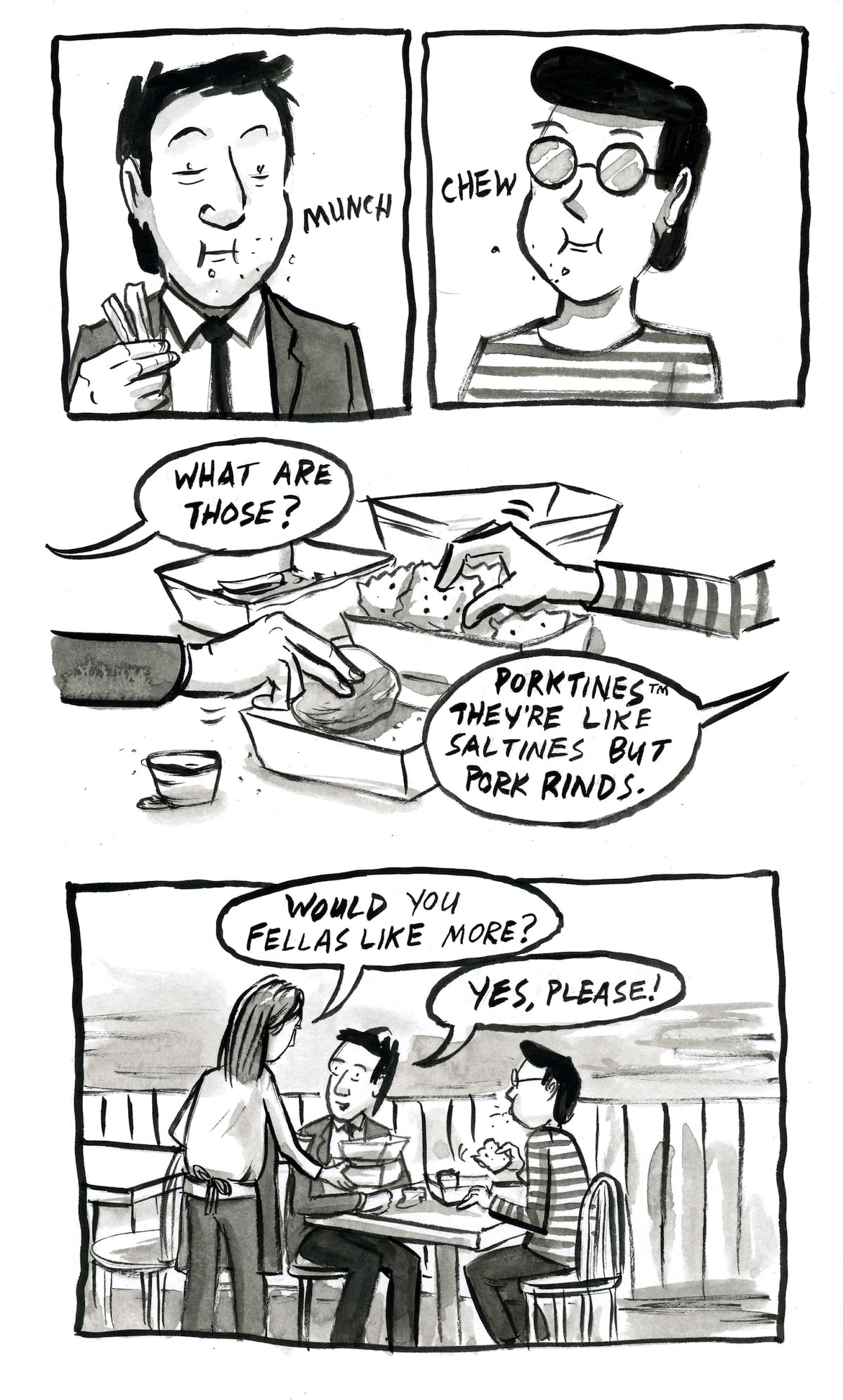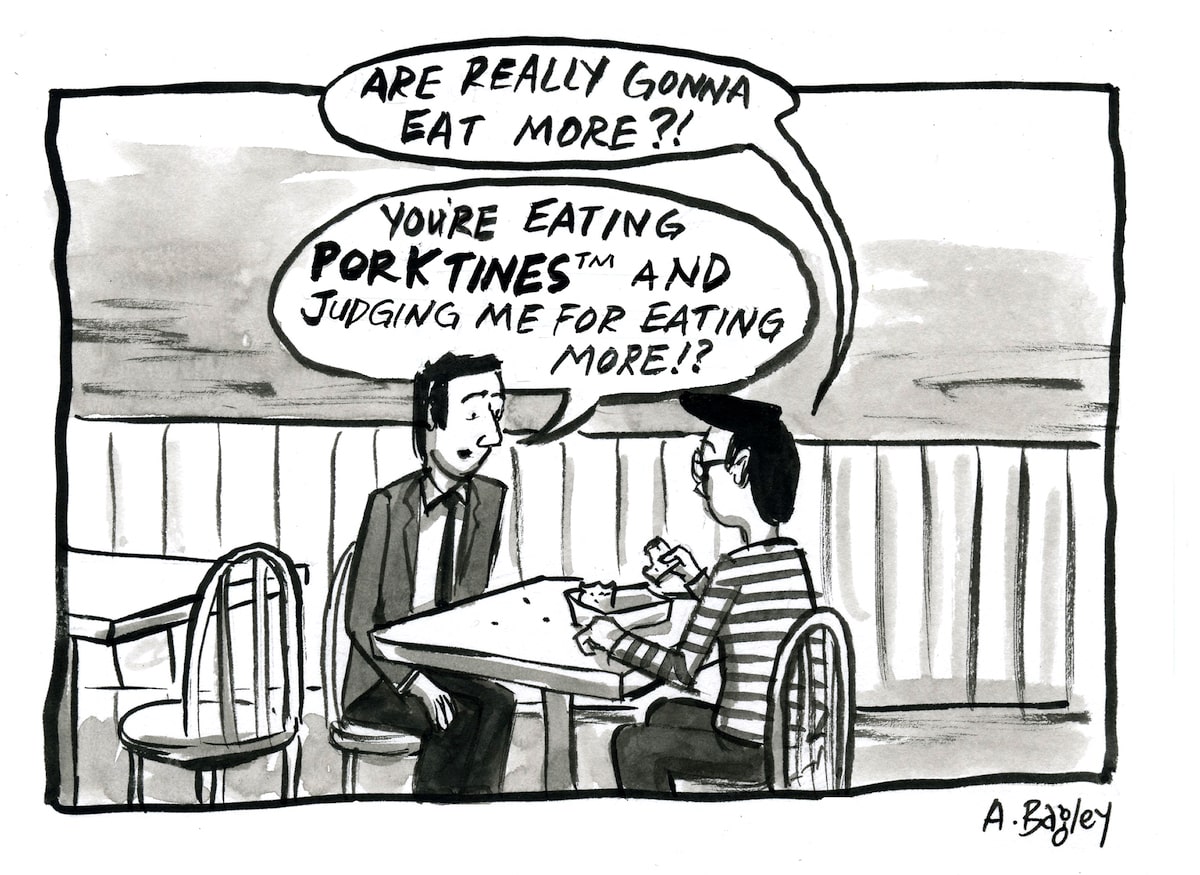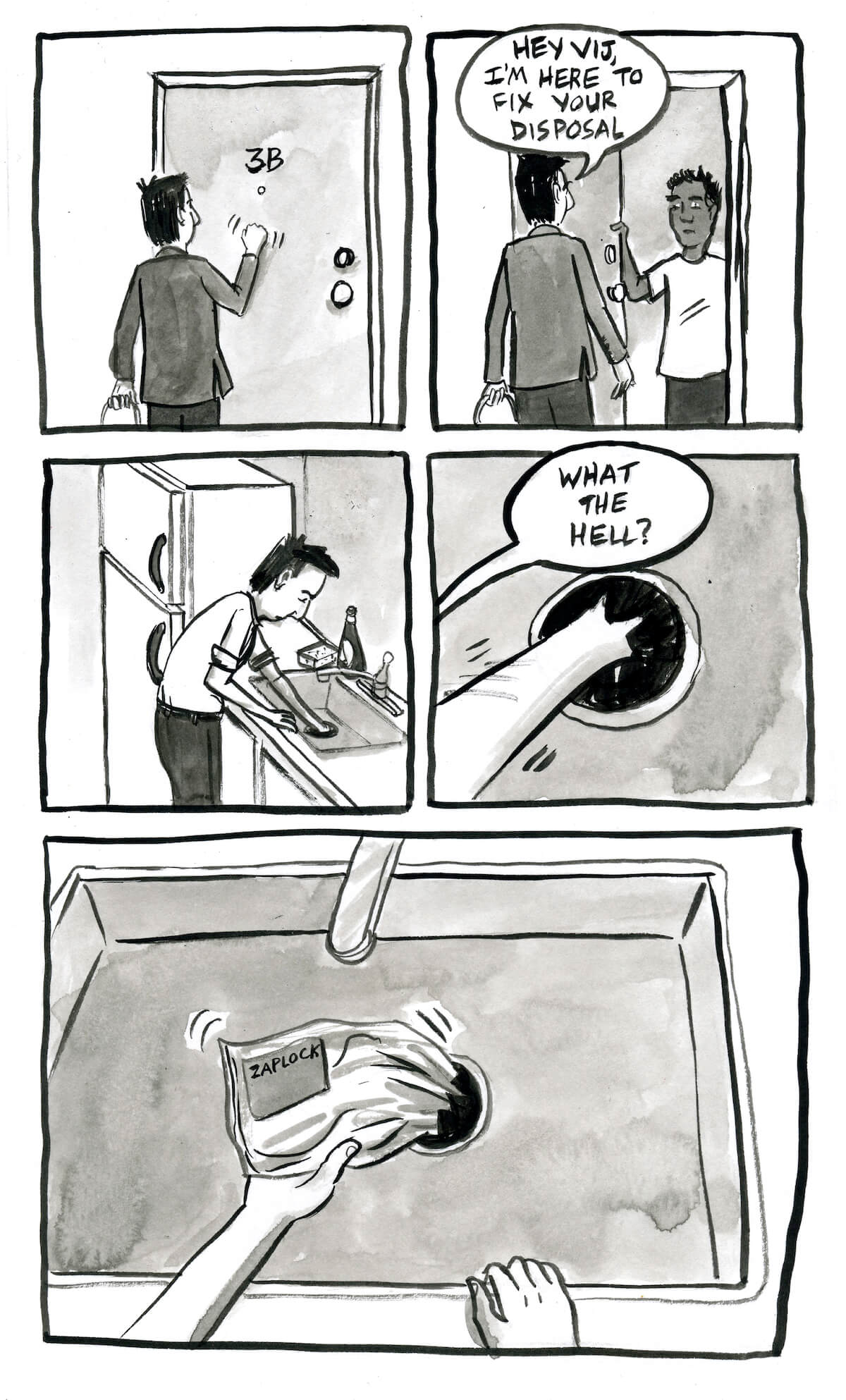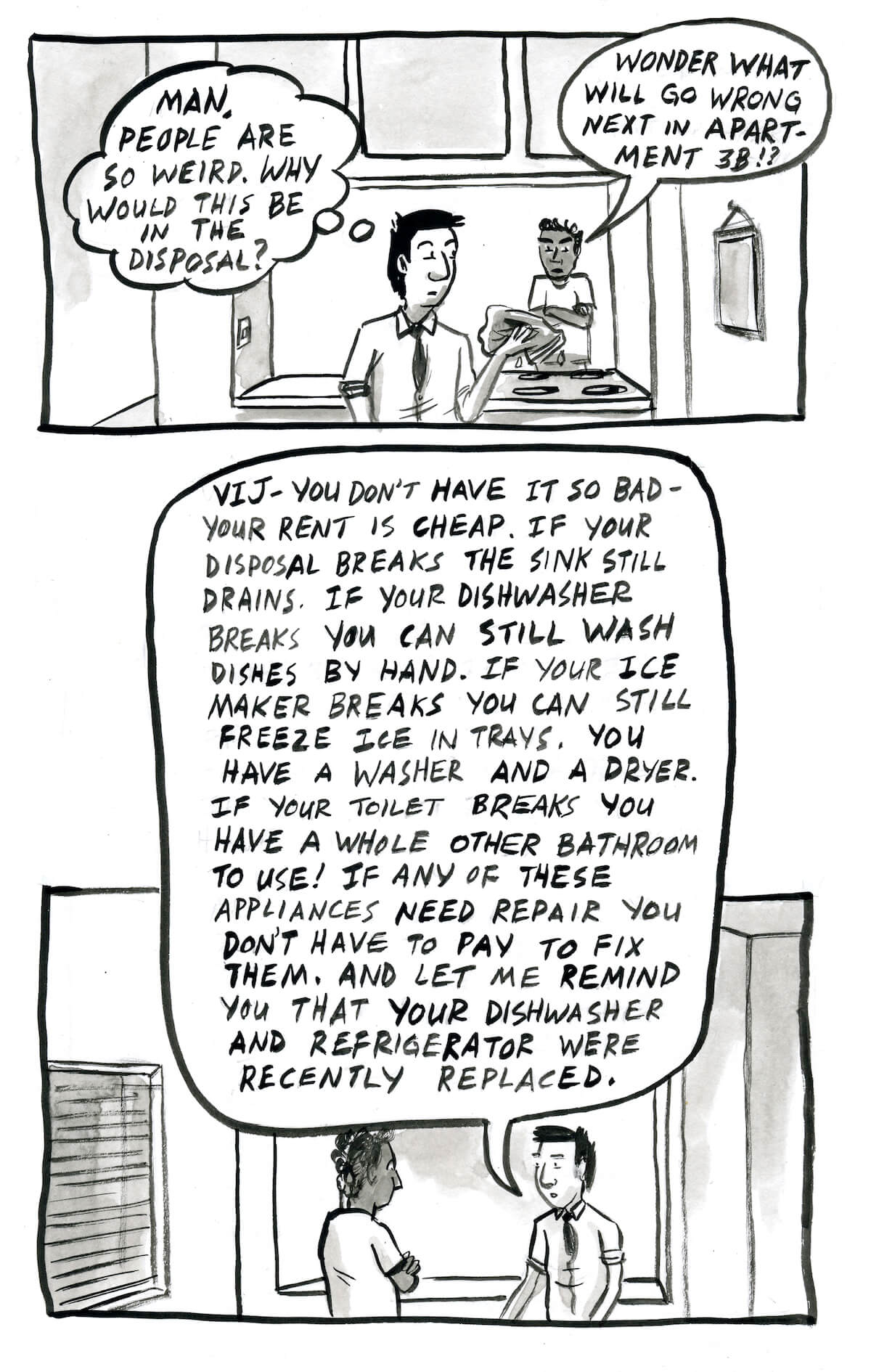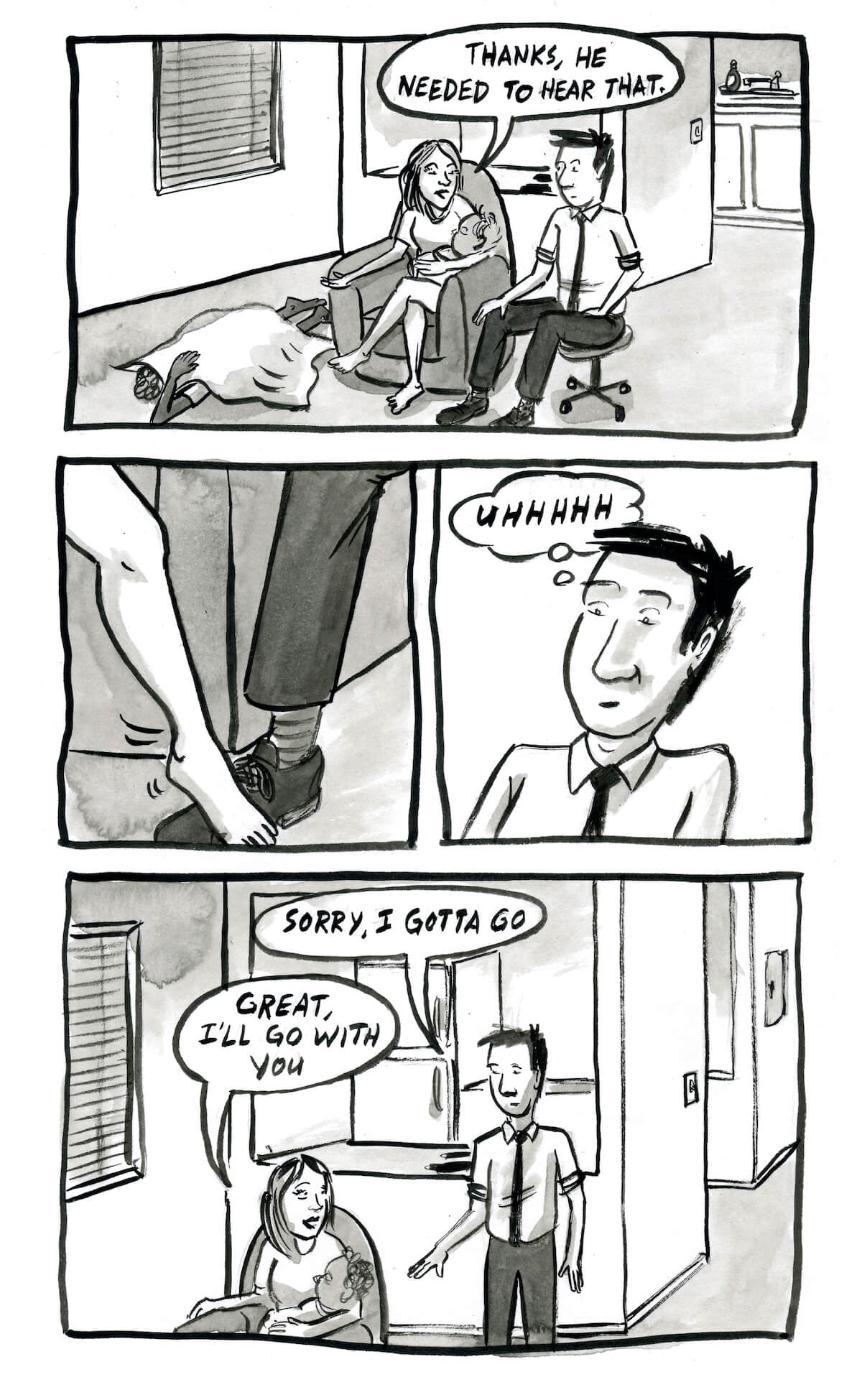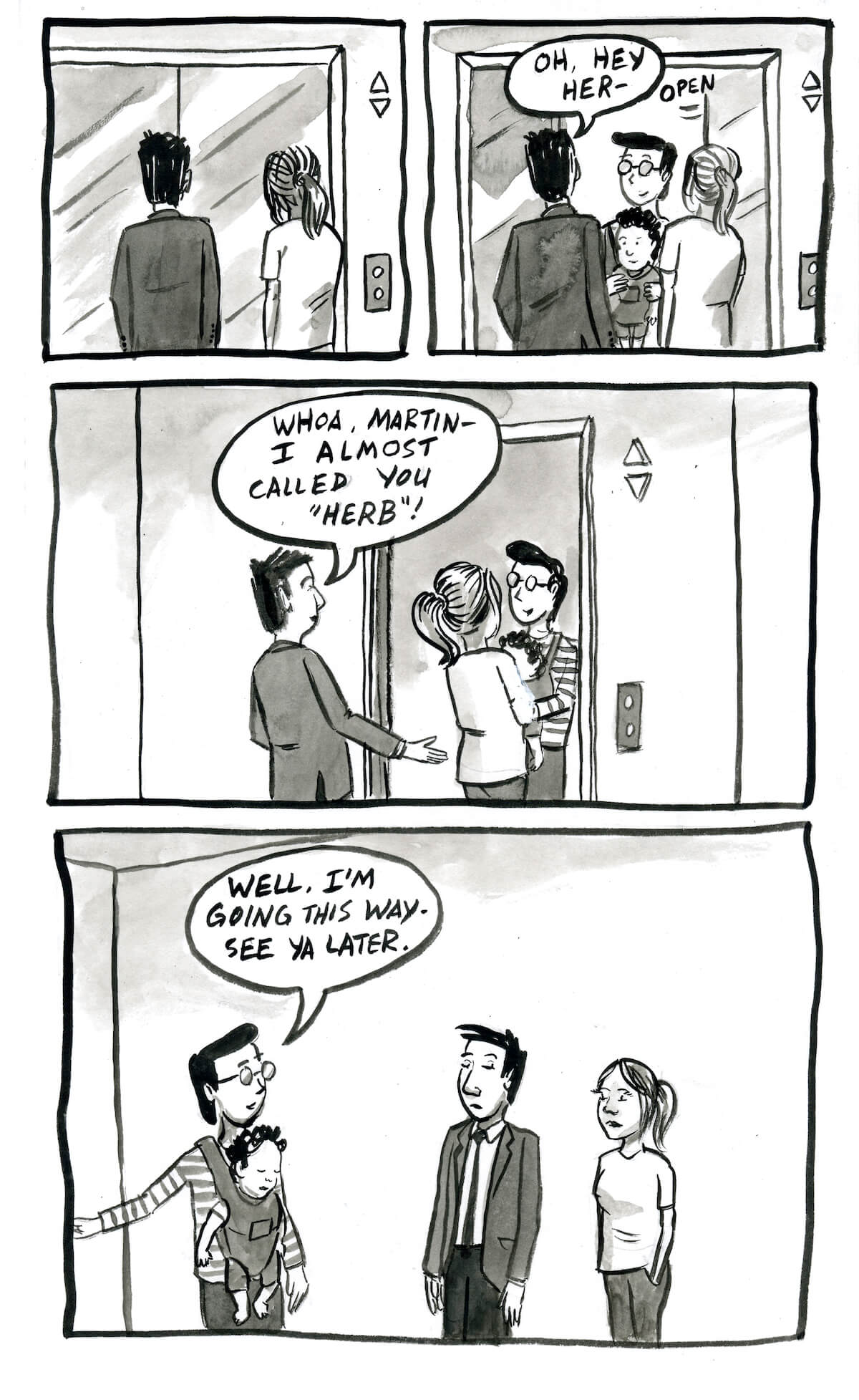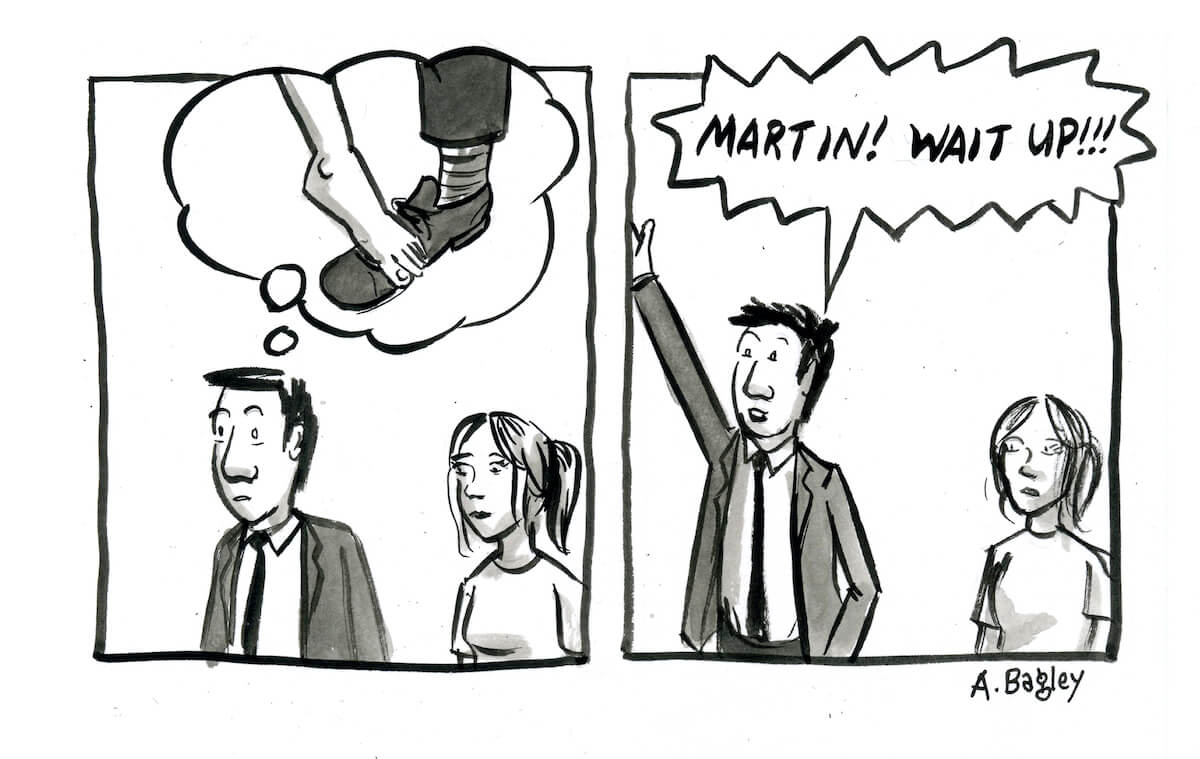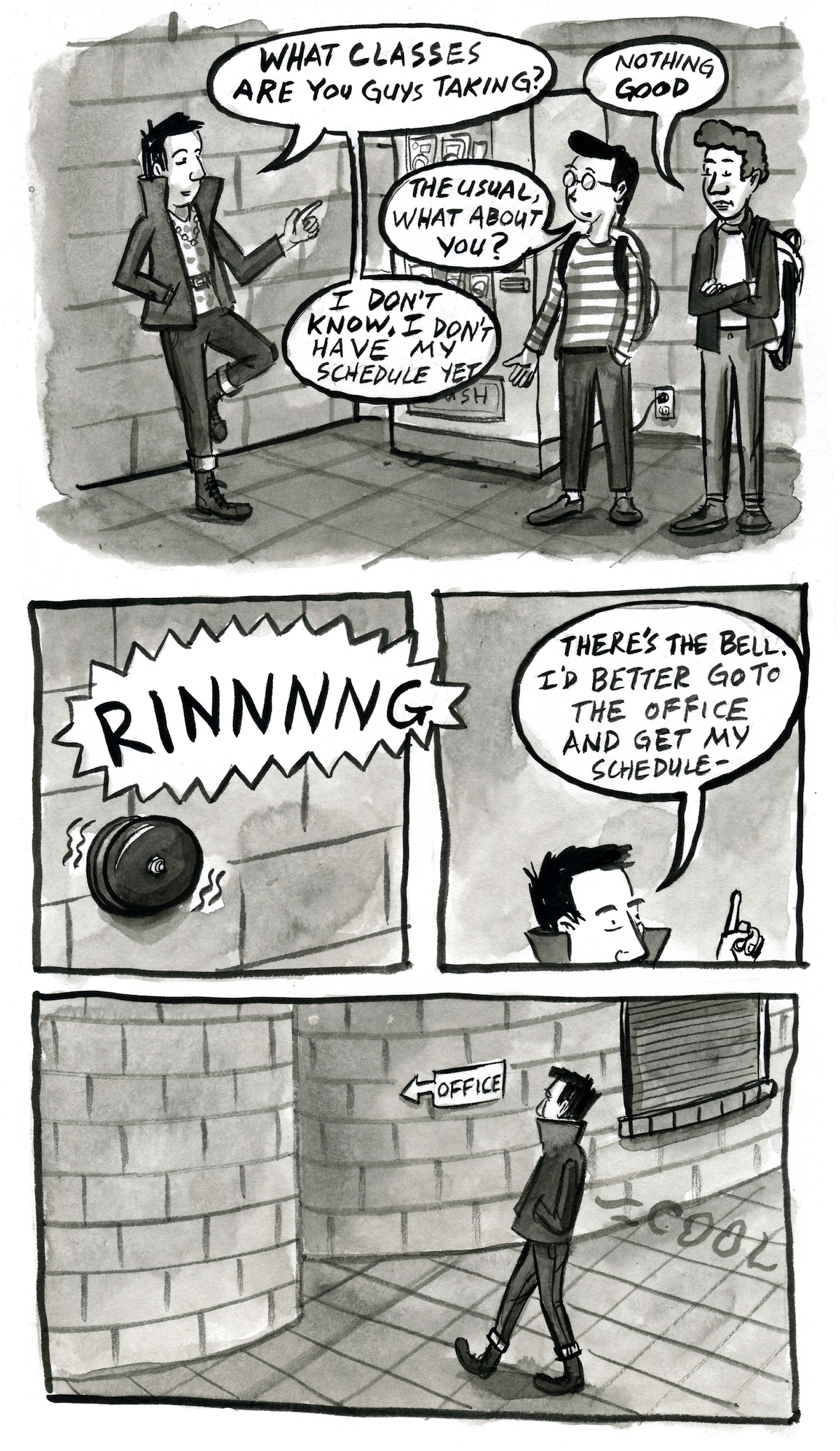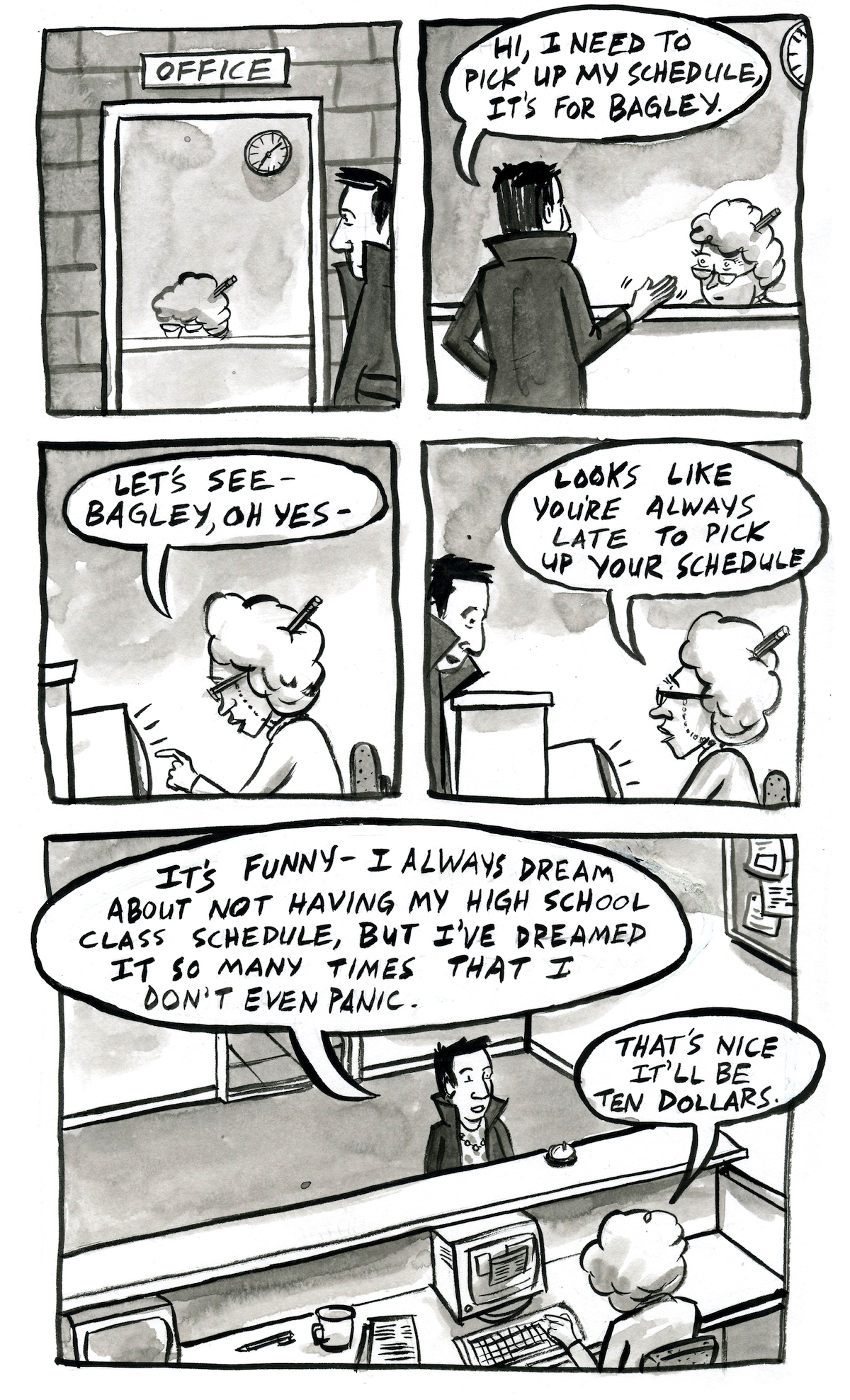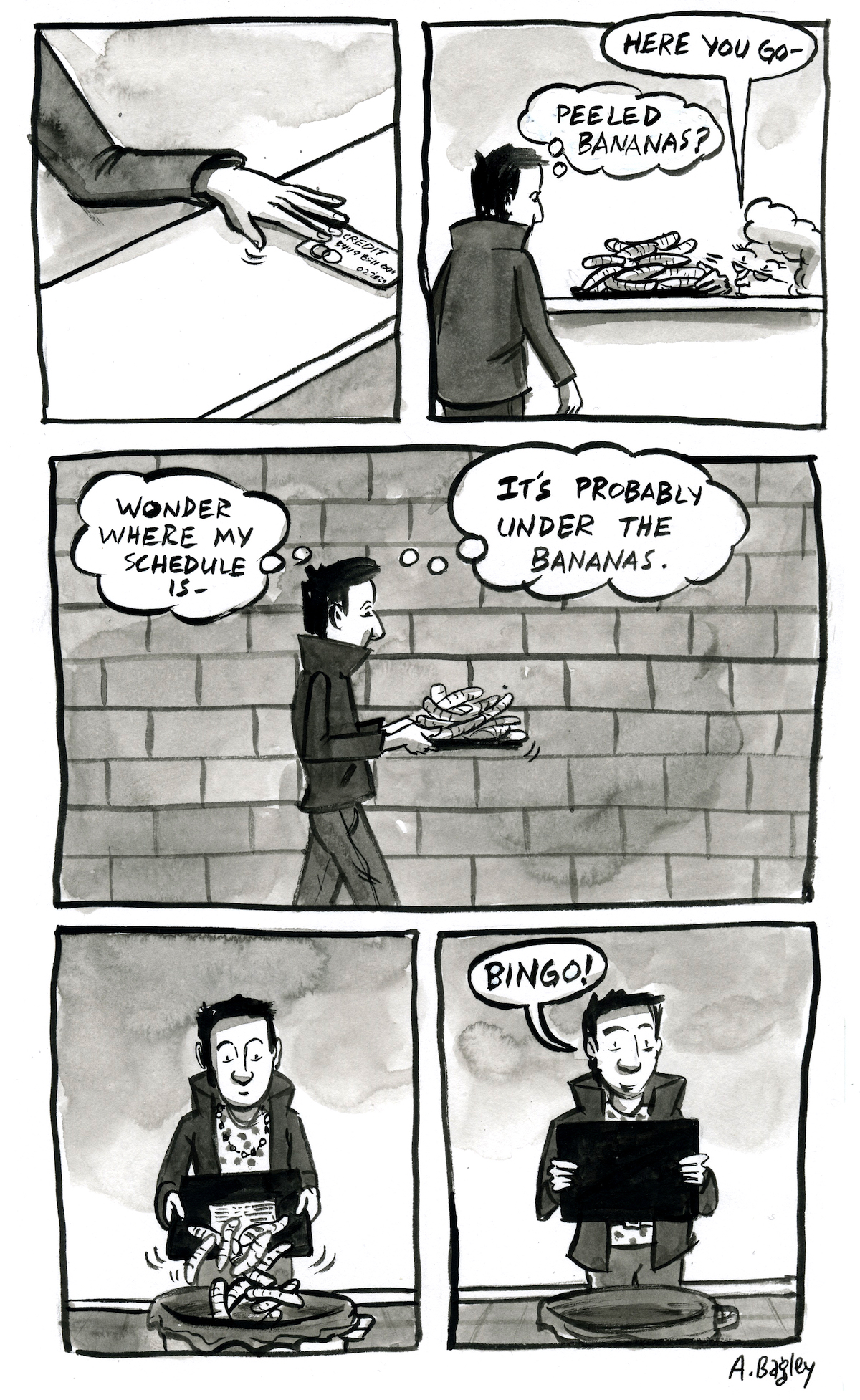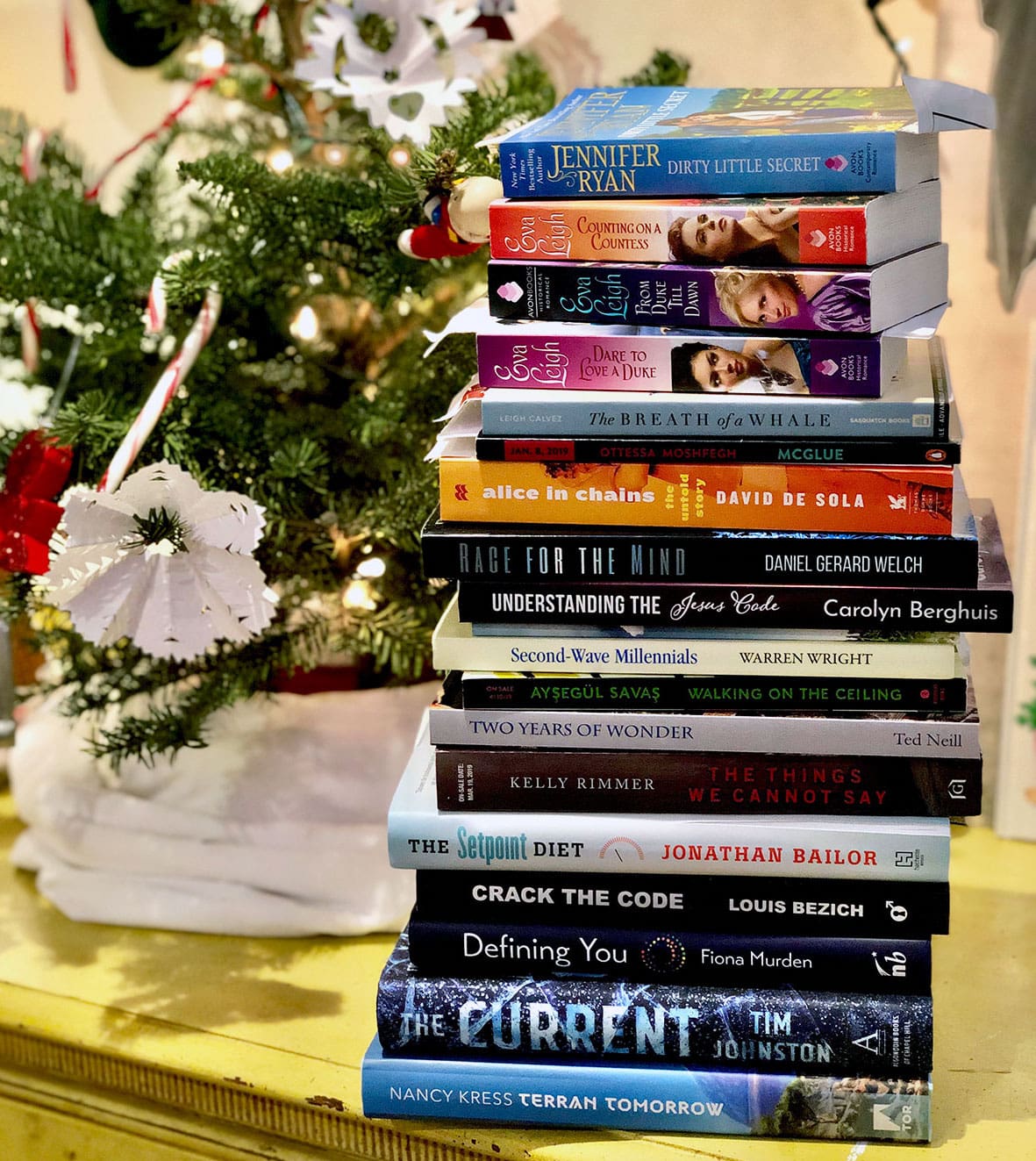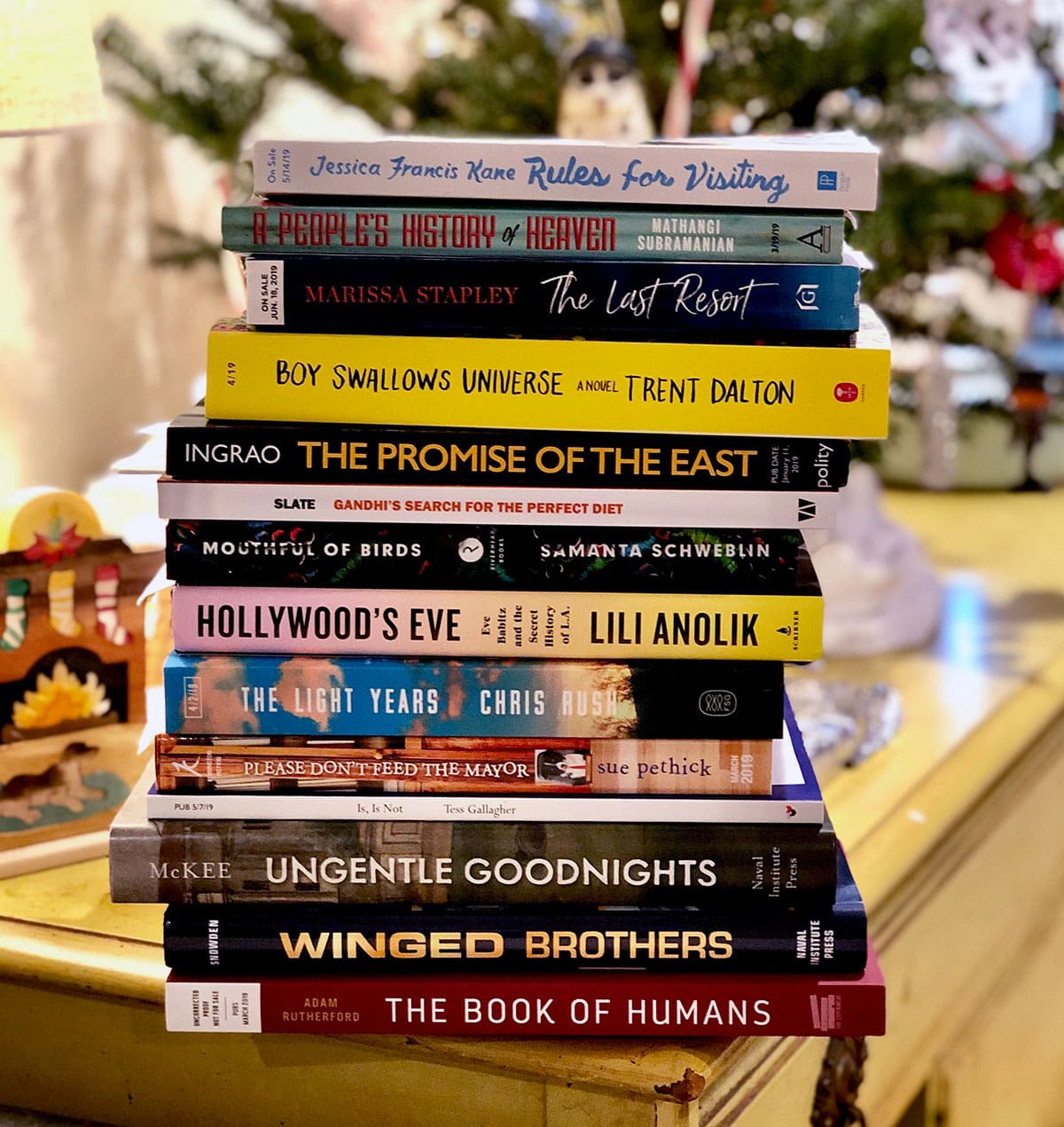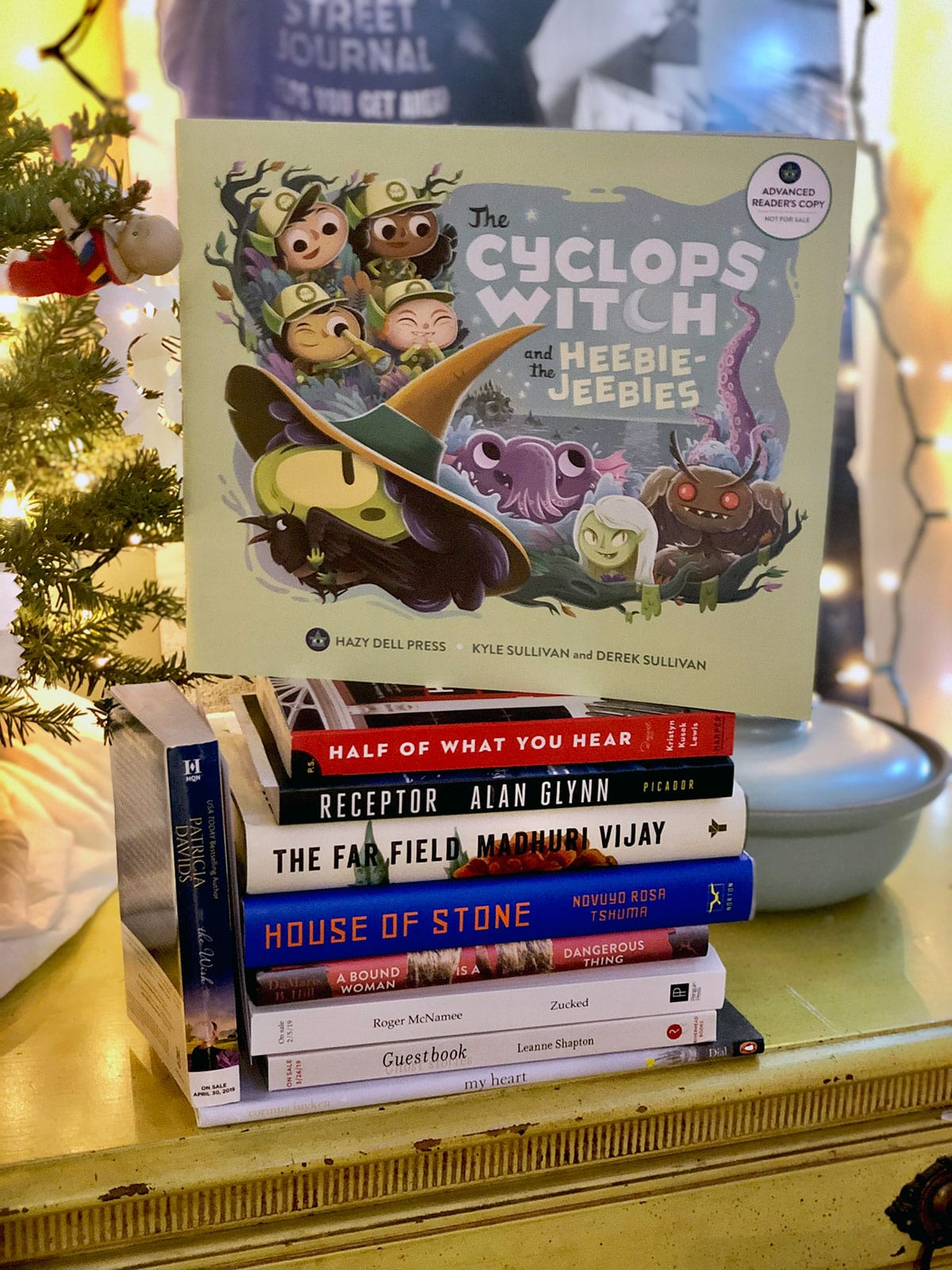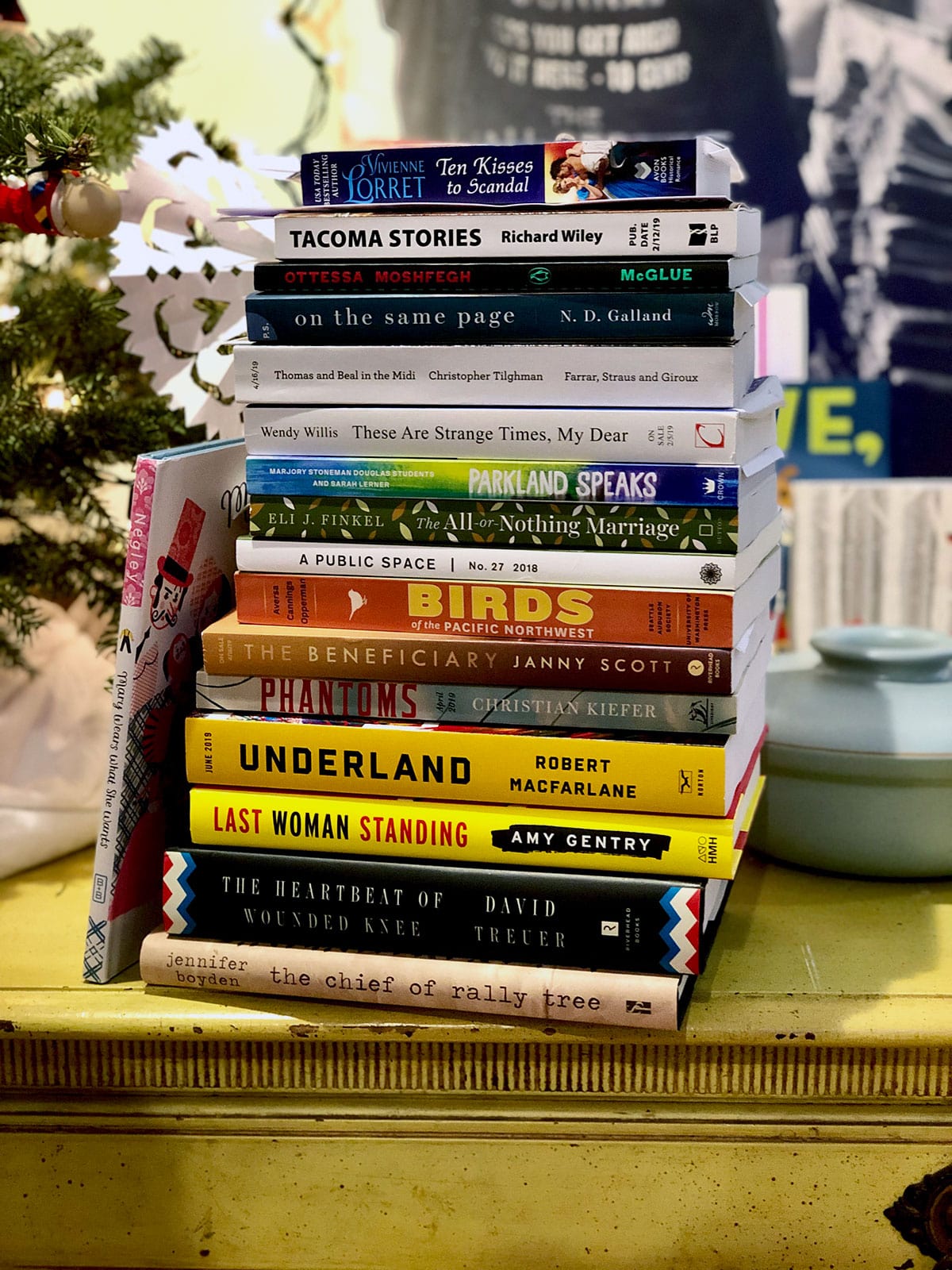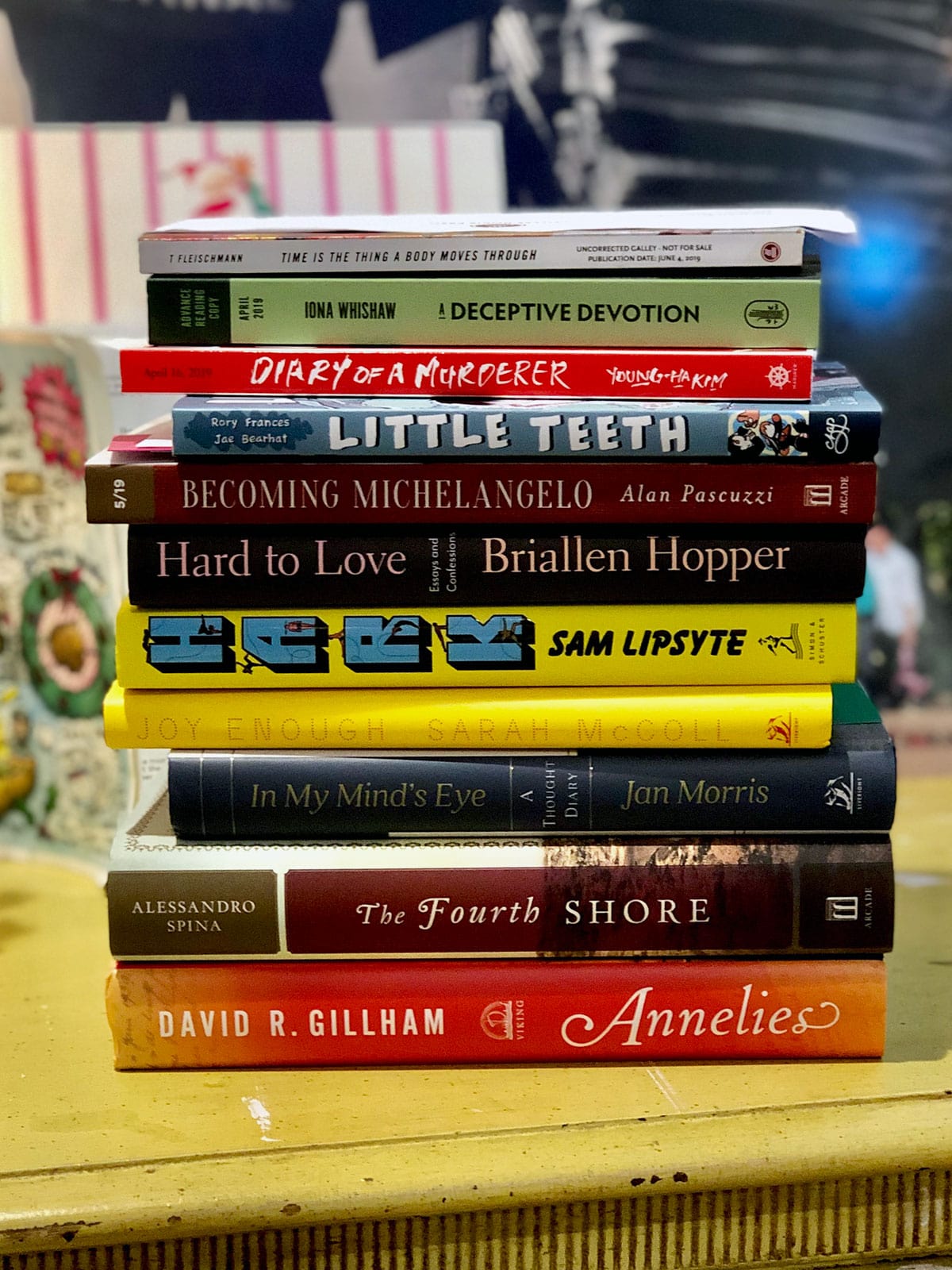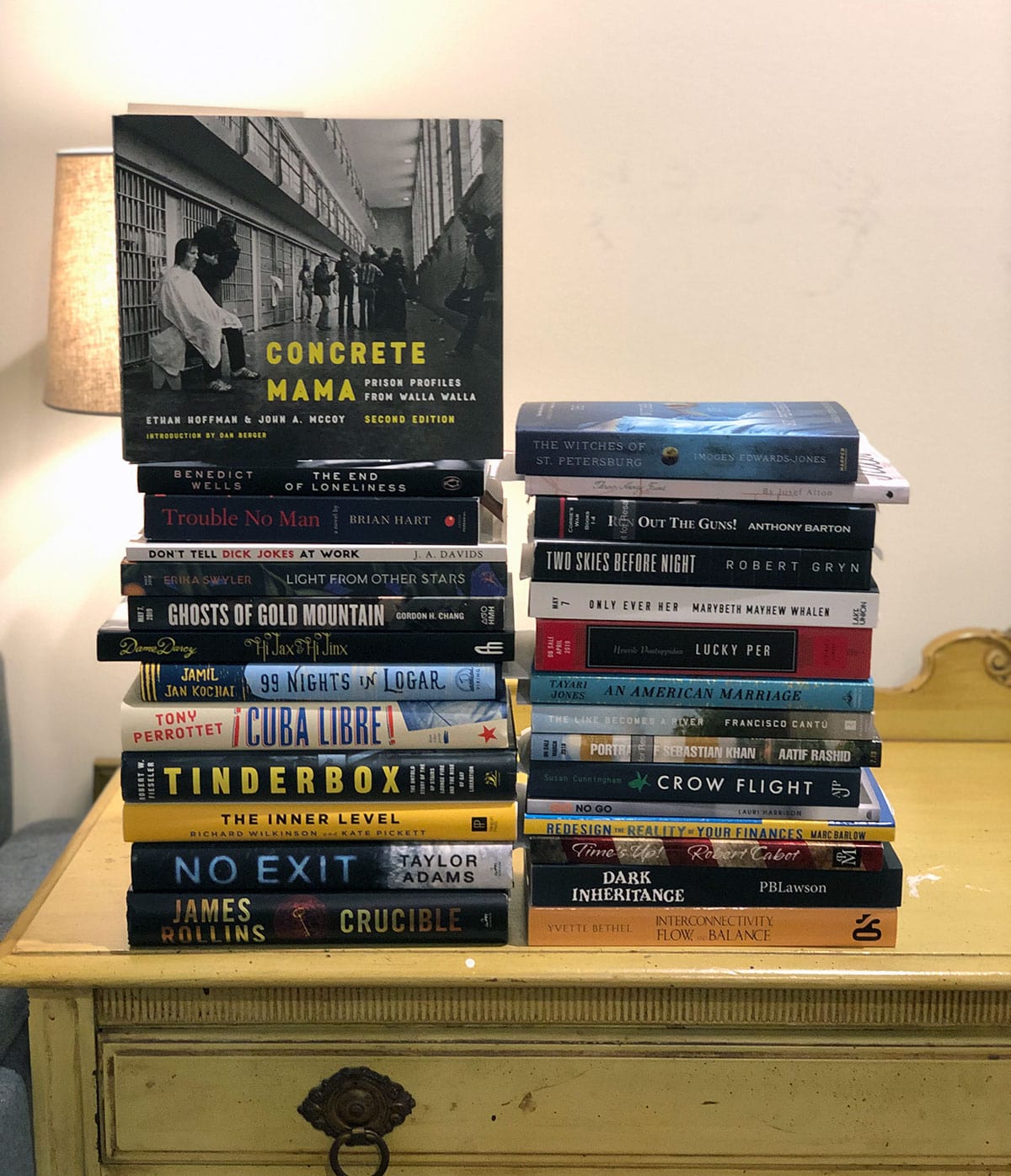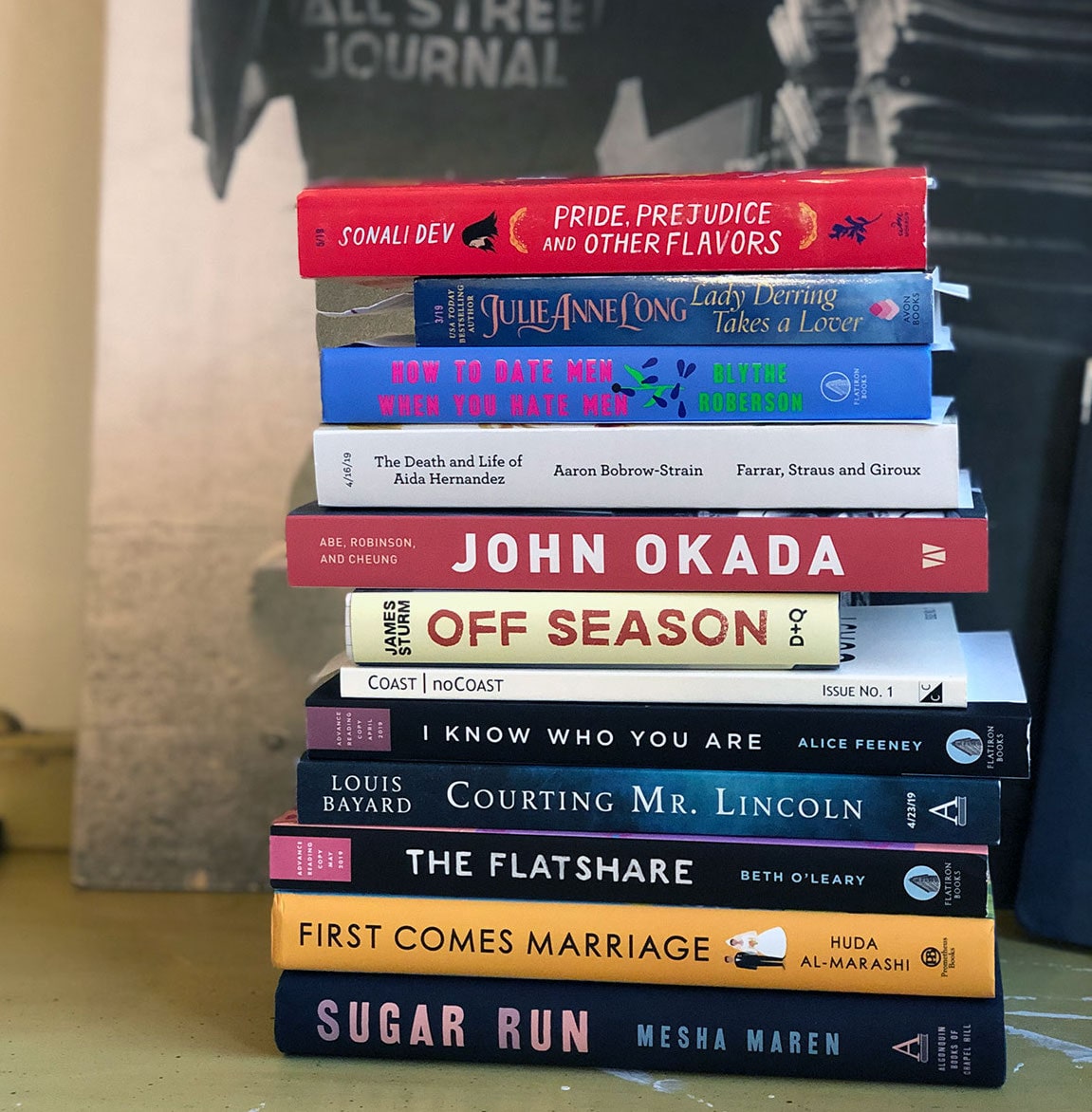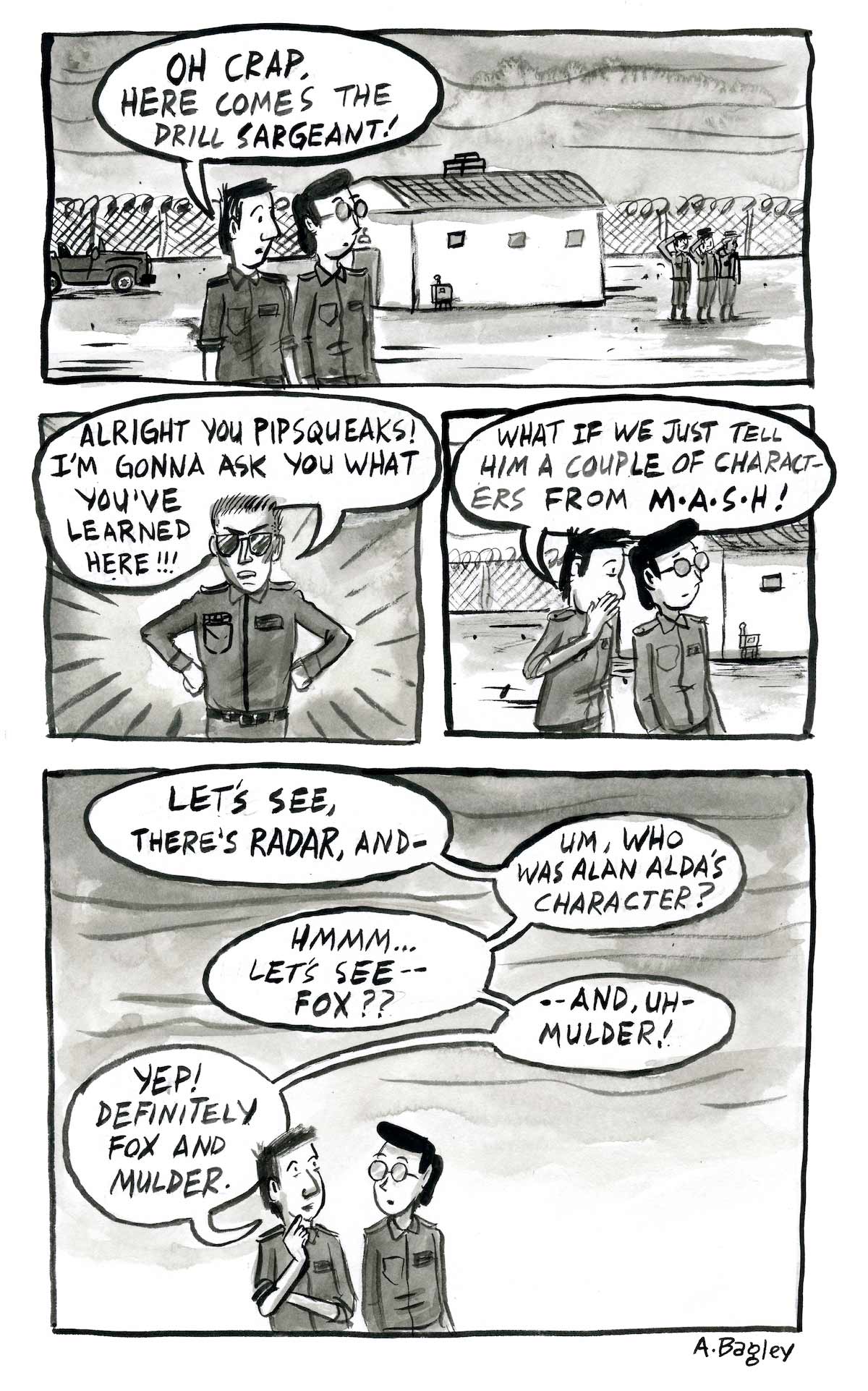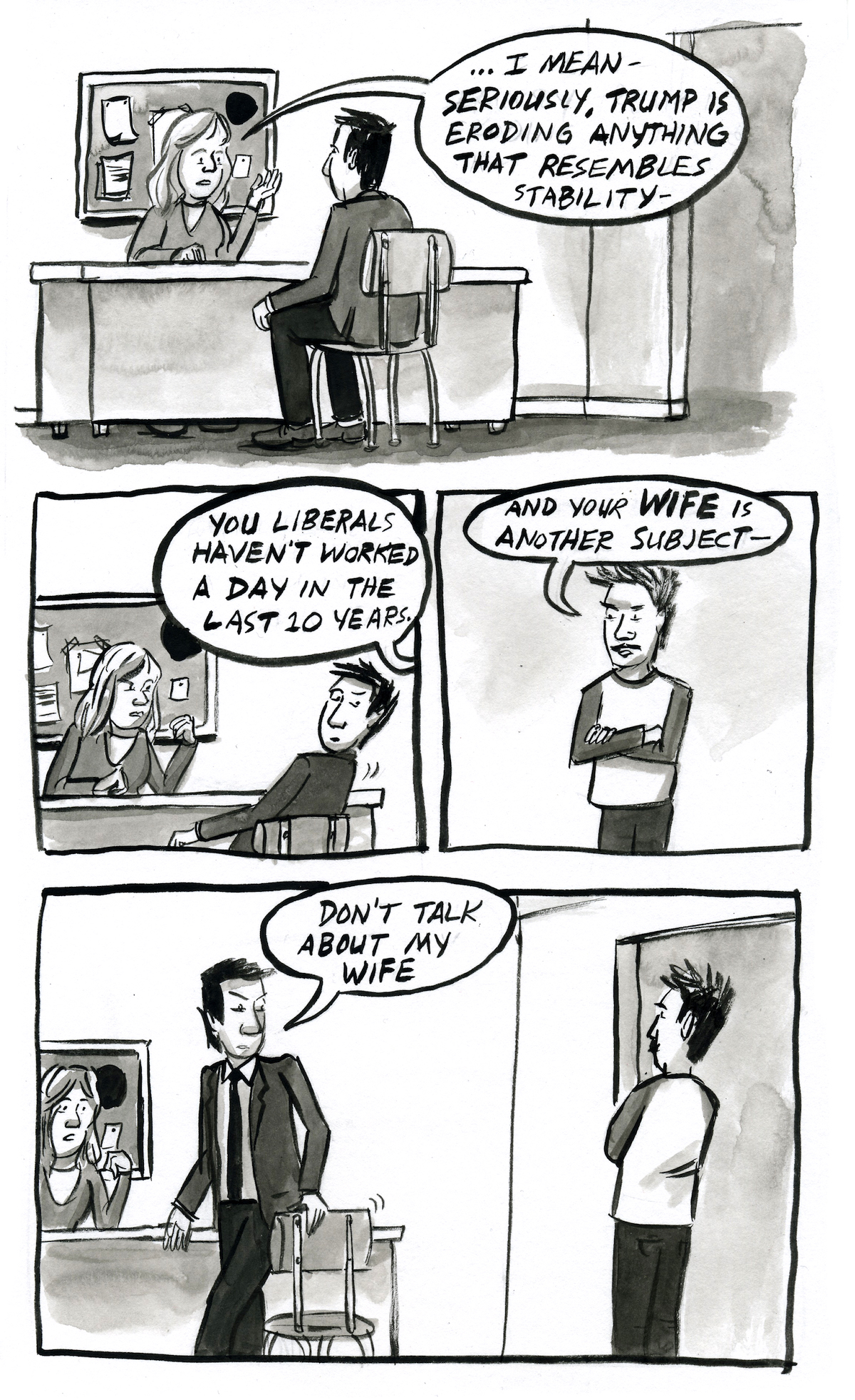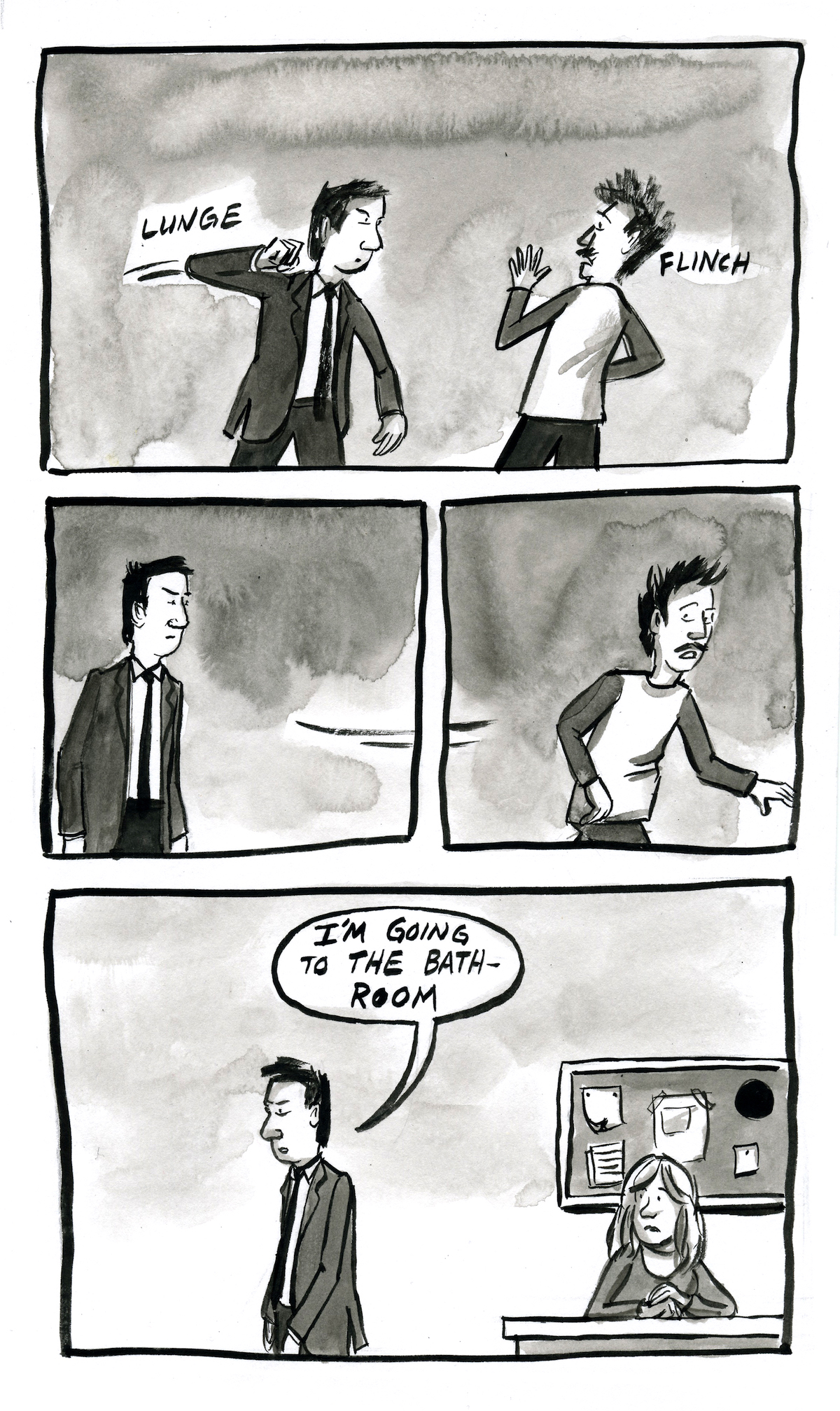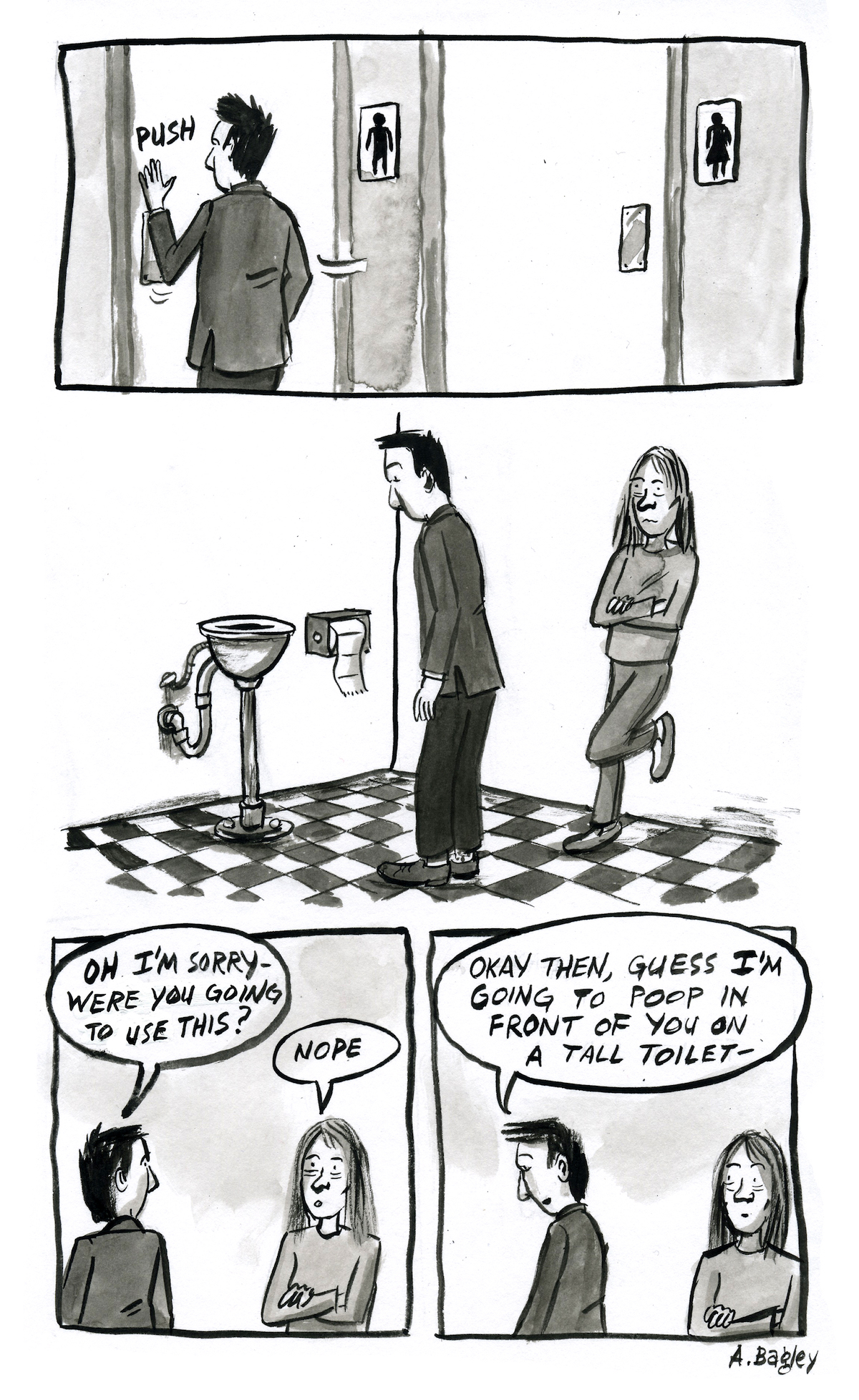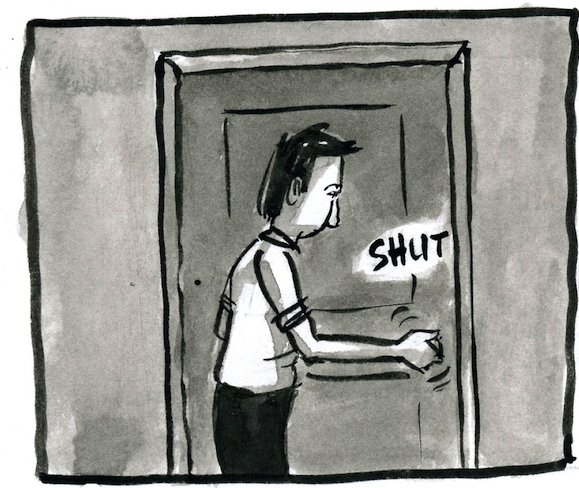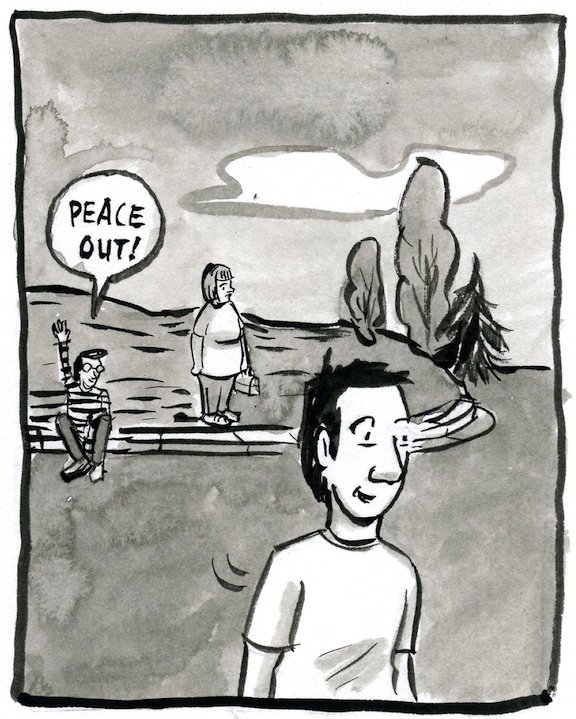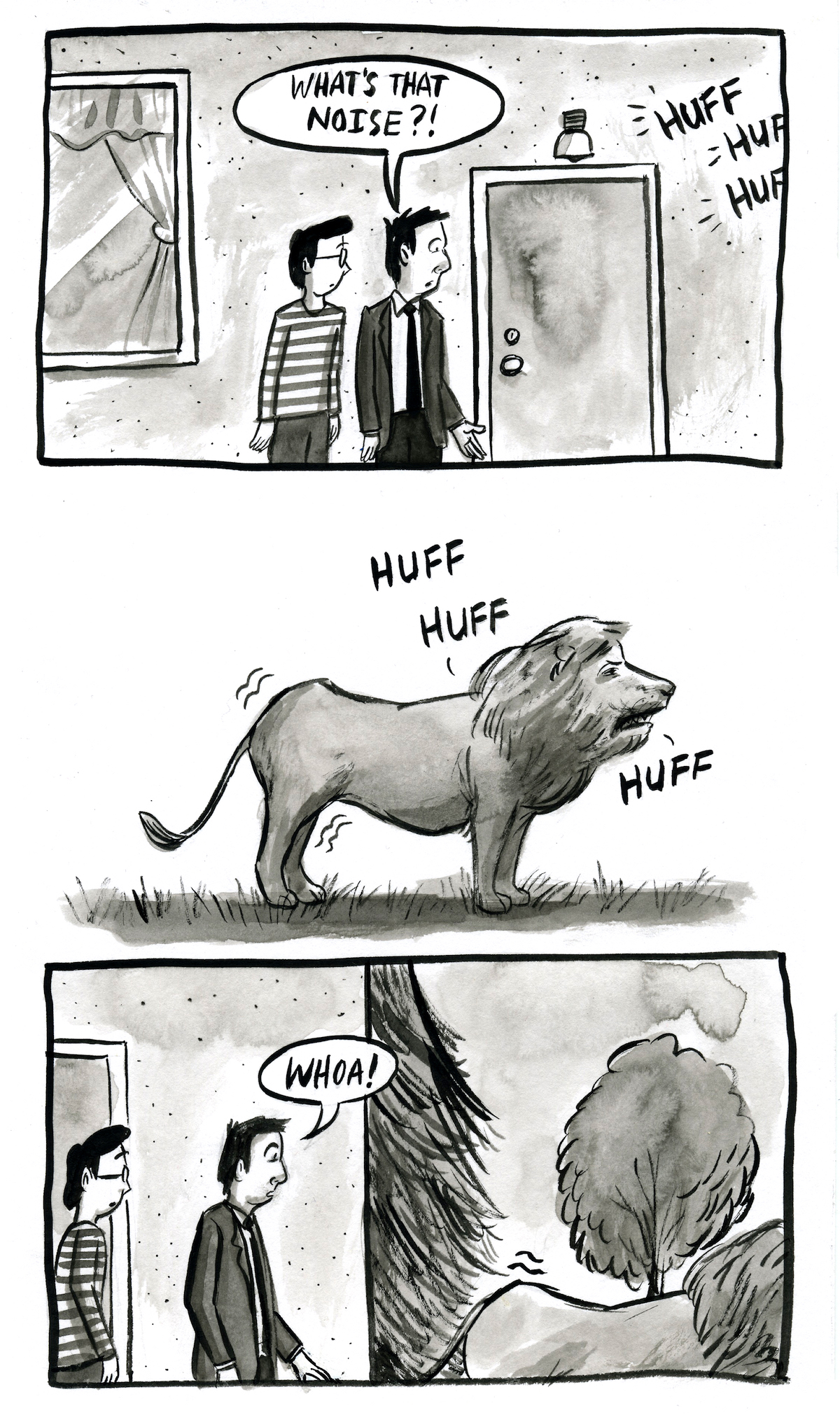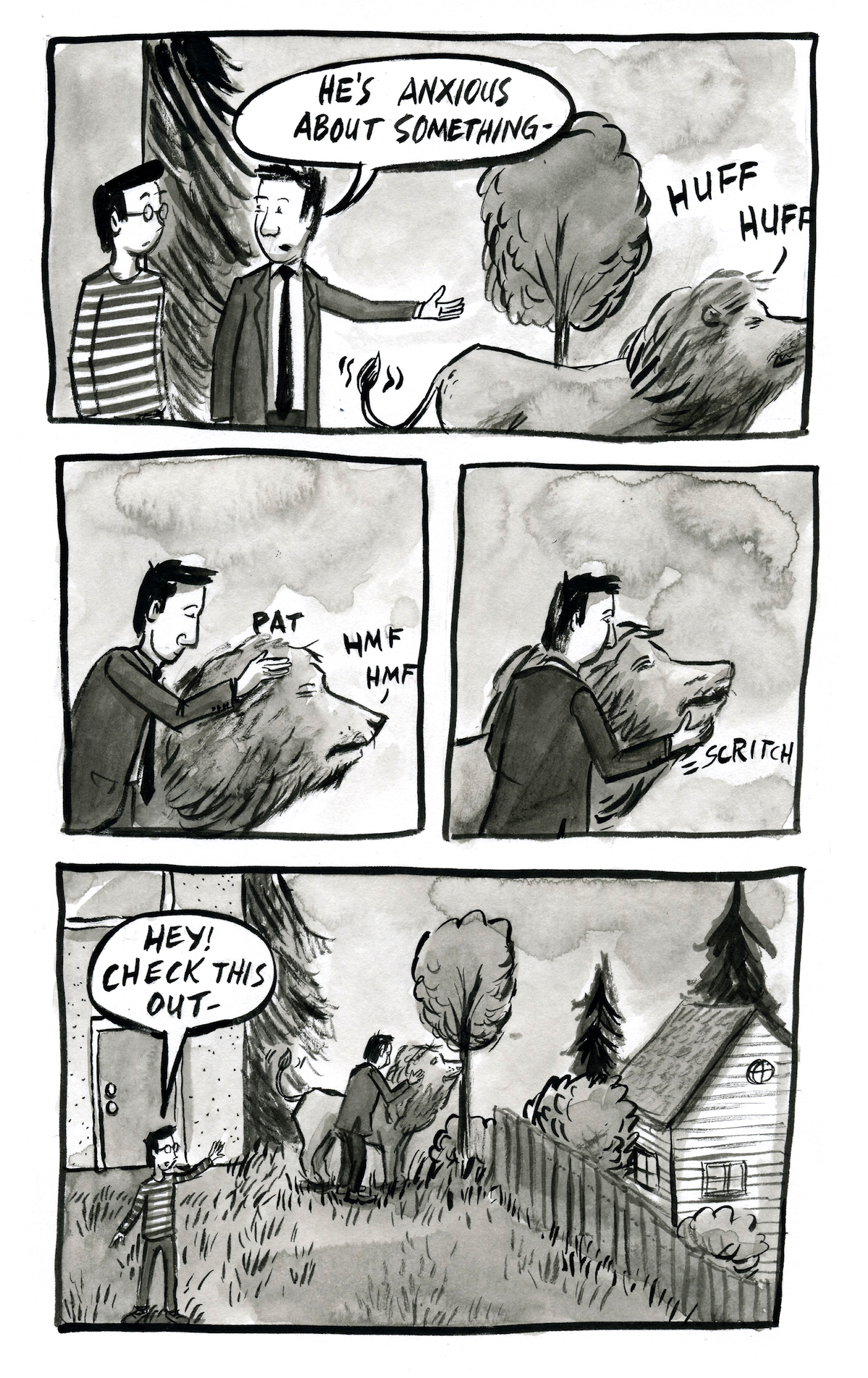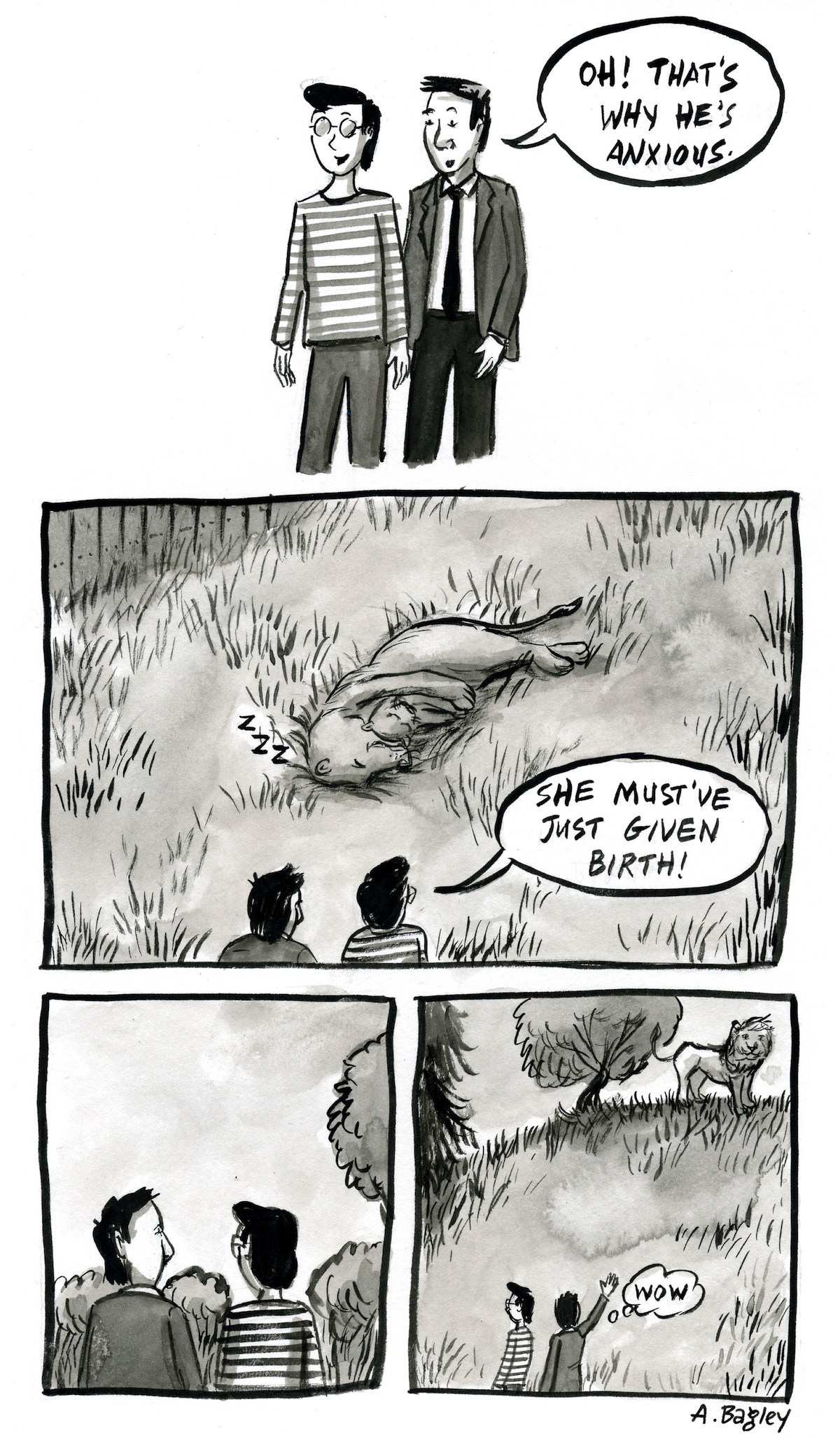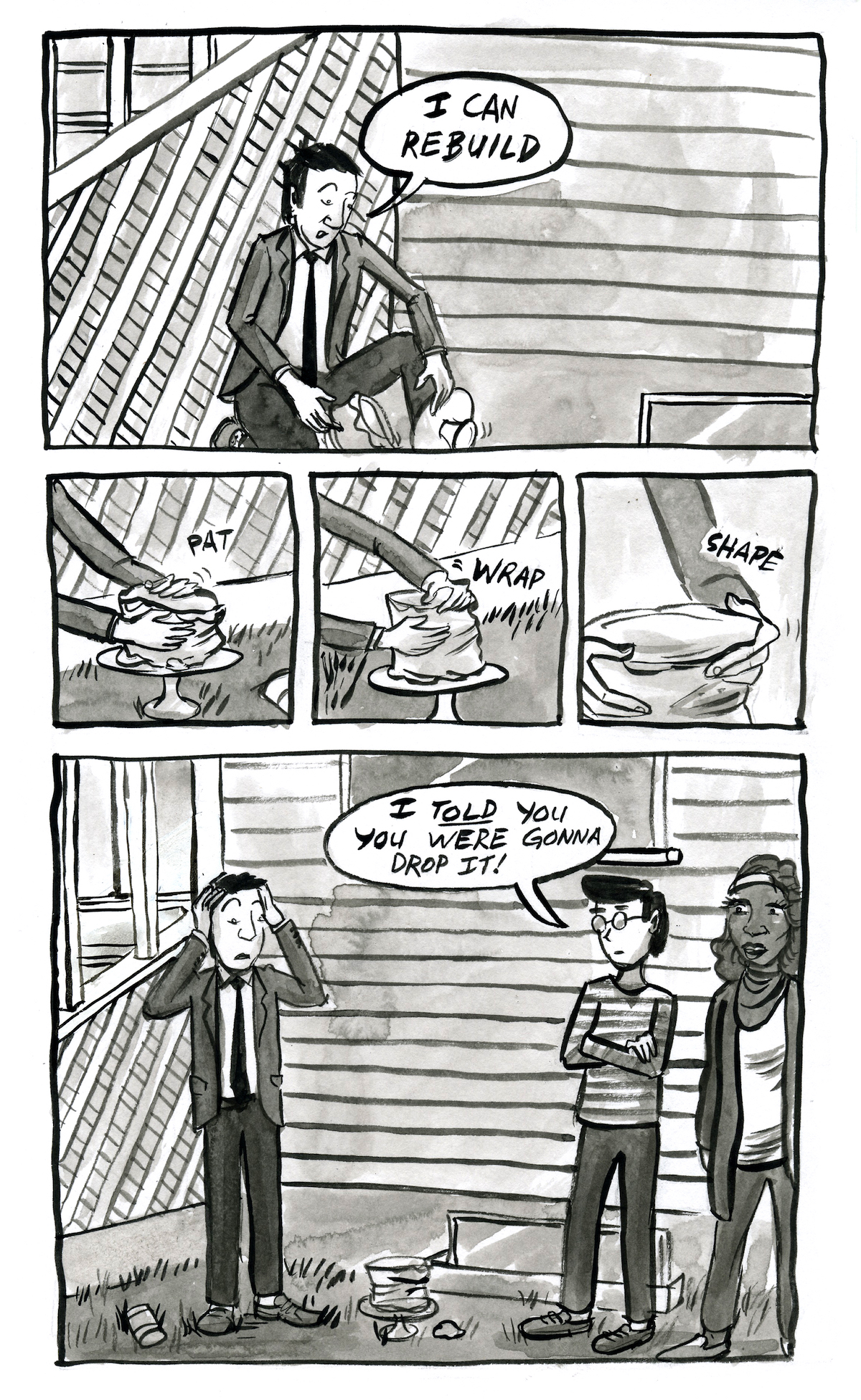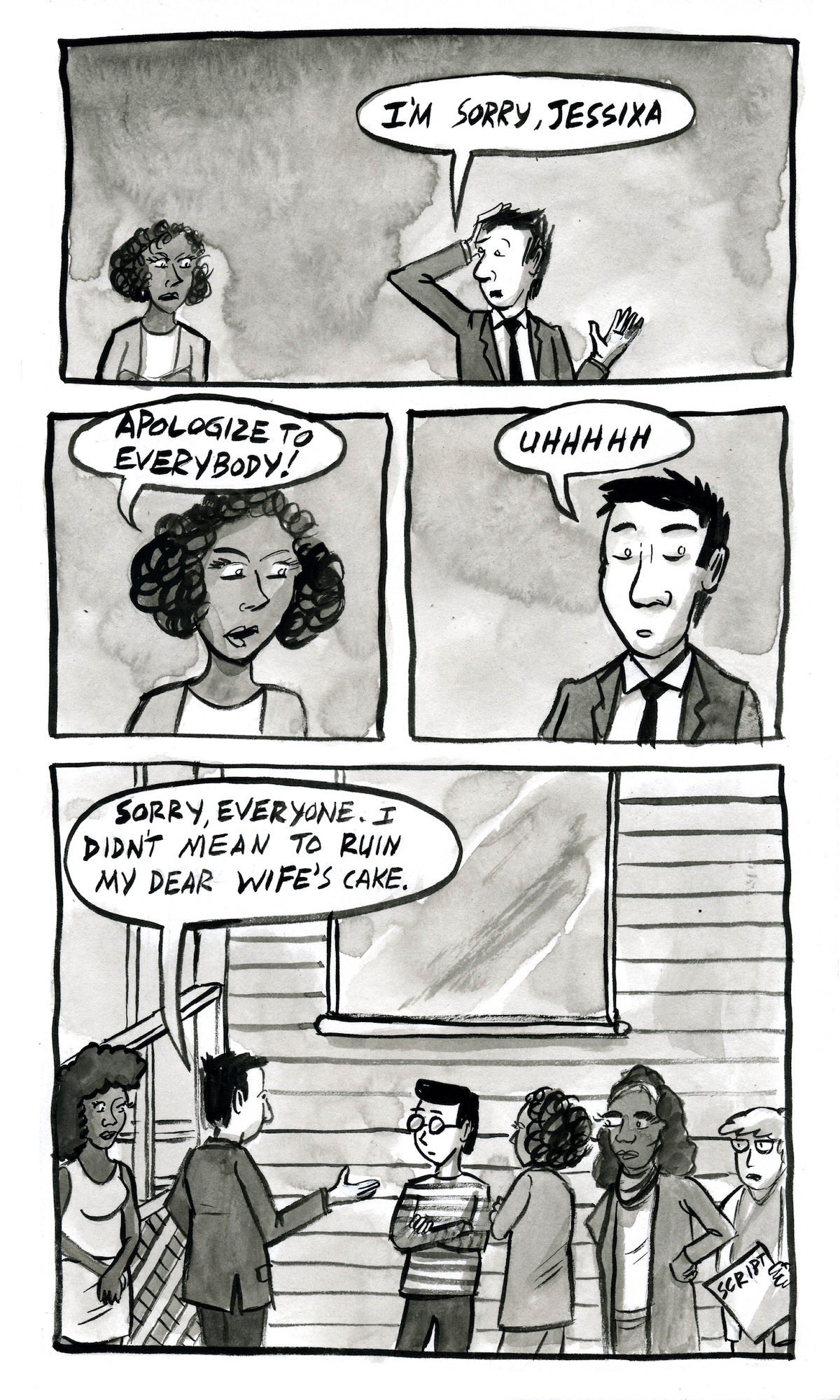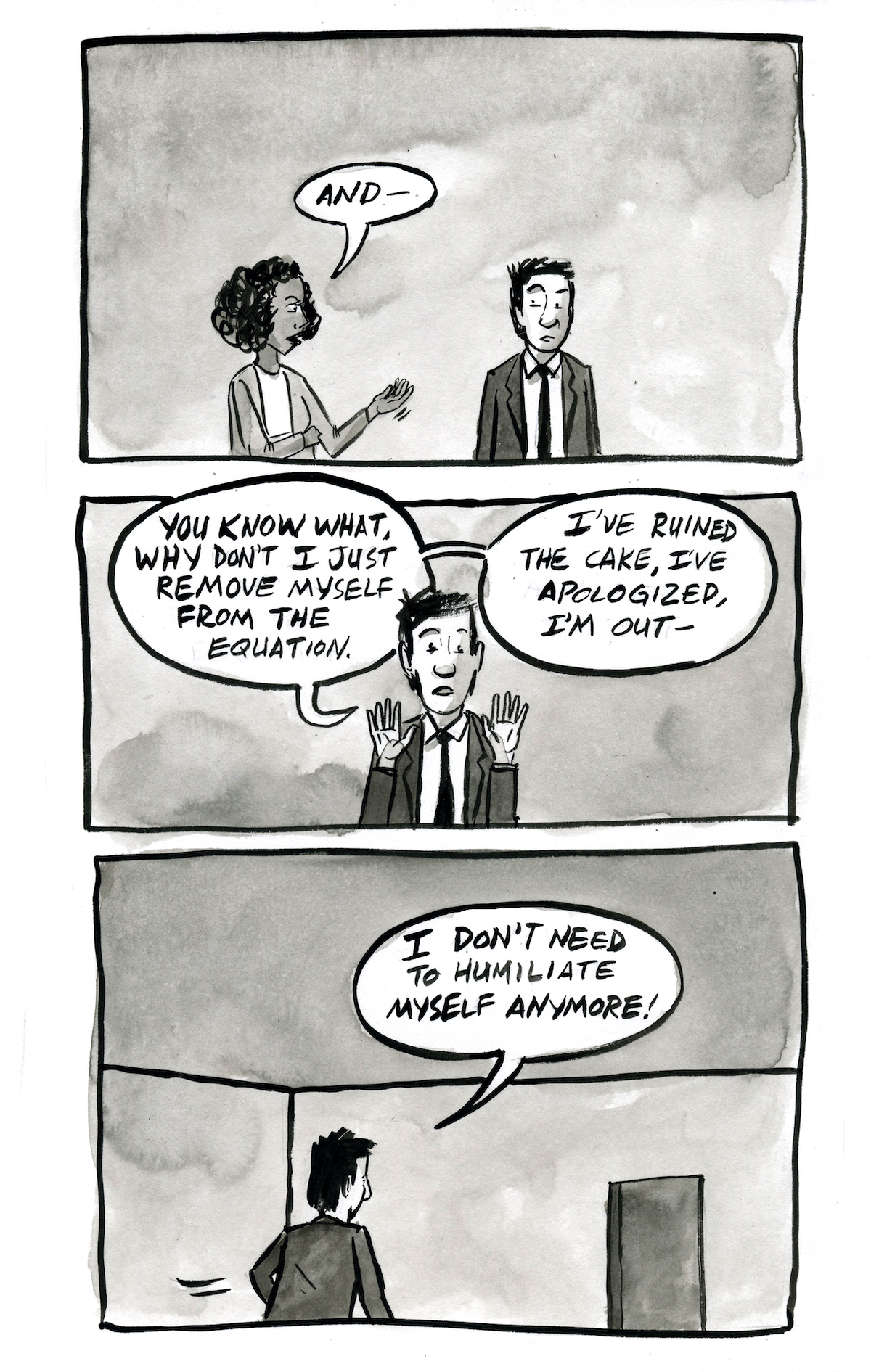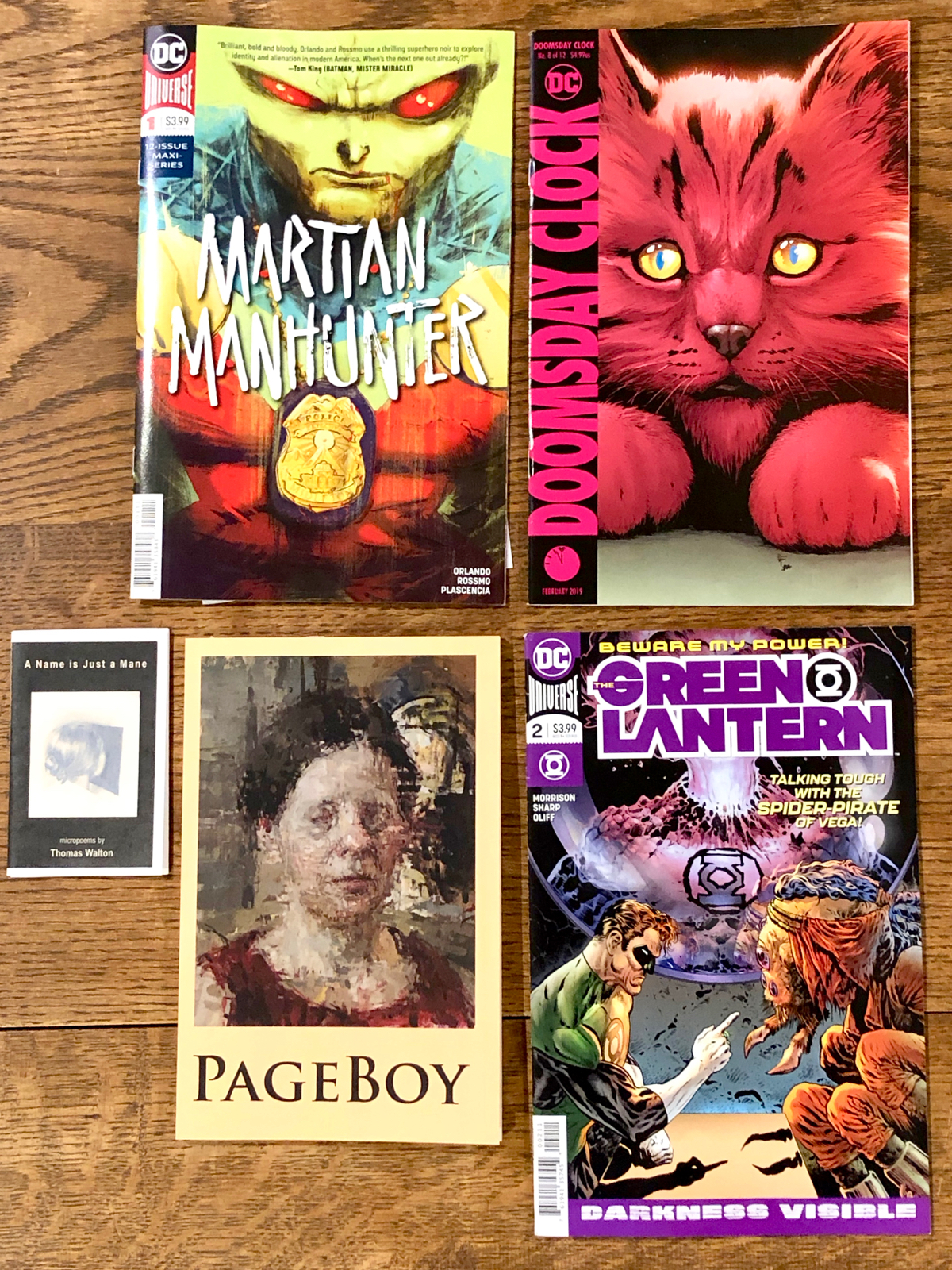Whatcha Reading, Arianne True?
Every week we ask an interesting figure what they're digging into. Have ideas who we should reach out to? Let it fly: info@seattlereviewofbooks.com. Want to read more? Check out the archives.
Arianne True is a Seattle-based poet from the Choctaw and Chickasaw nations. She teaches with Writers in the Schools, is a Hedgebrook alum, and has her MFA from the program at the Institute of American Indian Arts. She'll (probably! If we're still gathering for this!) appear at Cheap Wine & Poetry on March 19th at Hugo House, and she's our Poet in Residence for March. Read her first piece for us, "Nautilus".
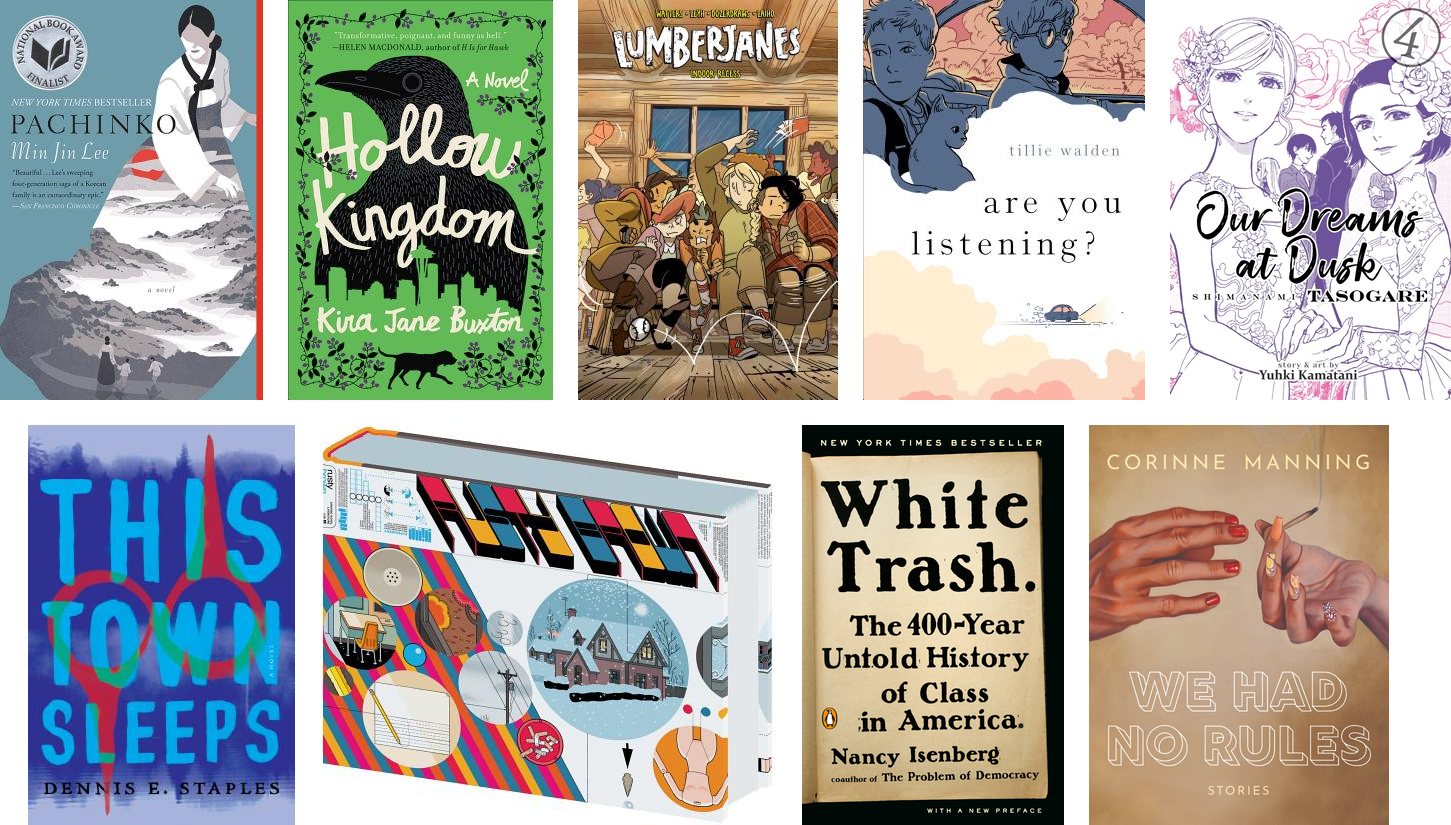
What are you reading now?
Honestly I'm at some point in like ten different books right now (poetry/nonfic/novels/comics), which is the norm for me - I bounce around a lot based on how I feel in a given moment, and it all seems to track fine. But the two books I'm reading most right now are Min Jin Lee's Pachinko and Kira Jane Buxton's Hollow Kingdom. Pachinko's kinda blowing me away with how she does characters in it - for pretty much every person, no matter how much of a side character you might call them or how briefly they appear, we get insight into their inner lives, even if just in glimpses. I think it's amazing that she does that for everyone, not just the main cast like you'd expect, and it's a special kind of magic that makes the world feel more human, and not just the world of the book but the world we live in too. Hollow Kingdom is a lot of fun for the concept and how the voice is mega strong and does so many impressive moves between voices, and extra fun too for being so incredibly place-based in my hometown - I'm even starting to see Seattle a little differently because of the book, like "oh here's where zombie people were hanging off that landmark," or "look, that's where they almost got eaten," etc. Which is fun, if occasionally unsettling.
What did you read last?
A lot of what I read is comics/graphic novels, and the most recent ones were the newest volume of Lumberjanes (always gives me joy/inspiration/more emotional skills), the final volume of Shimanami Tasogare by Yuuki Kamatani (a queer manga that, among other things, does some cool work with how many different ways self-discovery and expression can go), and Are You Listening?, Tillie Walden's new one (love her style and worldbuilding, and this one went some moving directions for me).
What are you reading next?
This Town Sleeps by Dennis Staples (who was in my MFA cohort and is a fantastic writer, his first book just came out and I can't wait to start), Rusty Brown by Chris Ware (a friend with great taste in comics lent it to me so I'm excited to check it out even though I know almost nothing about it), and I'm hoping to finally get to Nancy Isenberg's White Trash: The 400-Year Untold Story of Class in America (my partner read me some of it a bit back and it's so good, and I have a copy, I just haven't been pushing it to the top of the list because I'm having so much fun with novels). I'm also excited for Corinne Manning's collection We Had No Rules coming out in May, and trying to finish some other things first to make a spot for it in my reading pile :)
February 2019's Post-it note art from Instagram
Over on our Instagram page, we’re posting a weekly installation from Clare Johnson’s Post-it Note Project, a long running daily project. Here’s her wrap-up and statement from February's posts.
February's Theme: A Luxury Beyond What’s Reasonable
Lingering over my poet friend’s choice of an “art life” theme for January’s publications, a crisp quick decision introduced itself. (I am always so happy to make friends with a quick decision, as my decision companions are often more of the belabored, untidy sort.) This year people living art lives will choose each month’s post-its. It will not be every artist/writer/drag queen/actor/musician/other-creative-whatnot that I know. It is not exhaustive. Just a well-mannered idea I’m curious to sit next to and get to know for a time, maybe gently ask it about relatives or past relationships if things are going well. To start things out right, I asked the most spectacularly-artistic-person-I’ve-known-since-kindergarten to choose the art for February. Creative energy permeates everything about my friend Amanda, from her home to her work to her clothes to her speech to her texts to the tips of her fingers. (PEOPLE, I AM TALKING ABOUT HER FINGERNAILS. THEY DESERVE A FAME OF THEIR VERY OWN.) Frankly, sometimes the thoroughness of how much art is entangled in Amanda’s every endeavor makes me feel a little lacking, a nagging drabness in my person, I could be doing more, am I an art fraud. From what I can tell (over 3 decades of evidence), Amanda is capable of being good at anything/everything, and generally slights her own skills. I’ve heard tales of her mother going through her waste basket to save the countless art gems teenage Amanda would regularly discard. (I try not to tell my parents these stories, because they would flat out die with envy. Sometimes I think their most heartfelt wish for me is that I’d throw old art projects away. I disappoint them in this hope.) Here are some truths about art life: Full-time art is not a stable job. We work overtime; the money is like an unpaid internship. Middle class existence (without a high-earning spouse, family money, nice office job) remains especially, increasingly elusive in the arts. Amanda will always be making art all the time. Amanda will likely never be doing it as a job. She is currently being an excellent Spanish teacher at a fancy school. Her students are lucky that she’s too practical to risk it all on making art her job just because she’s dazzlingly good at it. She wants things in life she knows would be harder as an artist—just some normal life things—things I luckily, conveniently, do not want. Everybody is handling this arrangement and seems to be doing ok. I catch myself ruminating. Back to the post-its: Amanda’s choosing process was characteristically artistic, fluid yet firm. To start, she narrowed her options by being drawn to water—therefore looking only at summer months when I would have been swimming outside every day. But she did not care if the post-its themselves talked of water; in fact, what mattered was a strong guiding aesthetic, imagery that felt spare, clean, decisive. Small coincidences occur to me: One happened to be her birthday, though that was not why she picked it. When air-drying laundry made me say in my old life I was thinking of when I lived in England to be with a partner; she knows what I meant because her British partner has lived these years in Seattle, to be with her. (The England I knew was unconvinced about dryers. Too expensive, too wasteful, a luxury beyond what’s reasonable.) In high school—era of choice for the pulling of wisdom teeth—Amanda provided my favorite account, about a friend of hers with a real talent for embarrassing scrapes. It involved a lot of surprising blood. I have no idea now whether those stories were true or exaggerated, remembered by anyone else. I didn’t actually know this girl. The day after they pulled my tooth I fell desperately ill for weeks. The tired realization that I needed to see a 2nd doctor NOW, trying to collect my sick self and get out the door, smashing a glass and cutting a finger that wouldn’t stop bleeding and glass all over my kitchen floor at the beginning of barefoot season and it was one of my cheap glasses from England that feel special and irreplaceable despite their cheapness. (My favorites were the ones with the dots, not the stripes.) A concise, tidy post-it to remember all that mess. I shouldn’t play favorites but the ghost is better than anything I could say about it. Forced to type out the caption I fretted about lost meaning—I really live in that / . Between come back and don’t last; in the drawing it’s located at an invisible mouth or a neck, you just have to imagine. Right where the ghost would swallow.
Employee protest causes Hachette to drop upcoming Woody Allen memoir
John Maher at Publishers Weekly writes about yesterday's Hachette employee walkouts:
Three days after Grand Central Publishing announced that it would publish director Woody Allen's forthcoming memoir *Apropos of Nothing*, employees at the imprint and at Little, Brown, a sister imprint at Hachette Book Group, staged a walkout in protest of the acquisition. The walkouts, which have affected both the New York and Boston offices, have been joined by select HBG employees at other imprints as well, including Basic, Hachette Books, Forever, and Orbit. Allen has been accused by his adoptive daughter, Dylan Farrow, of molesting her in 1992, when she was seven years old.
Today, Allen's memoir has been officially canceled. In my nearly 25 years in the book industry, I've never seen this kind of action from the staff of a corporate publisher, and I've never seen such a quick reversal from a corporate publisher. It is remarkable, and it definitely would not have happened before the #MeToo movement.
Let's be clear: unlike what a few concern trolls online might say, this has nothing to do with impinging on Woody Allen's right to free speech. Now that Hachette has dropped Allen's memoir, Allen is free to take it elsewhere, or to self-publish it, or to read it aloud from a soapbox in Central Park. His free speech is totally intact. Nobody has taken it from him.
This is a #MeToo issue. It's also a labor issue. These workers took collective action to protest the platforming of someone who has been accused of being a sexual predator. They protested the fact that their employer did not, according to Ronan Farrow, bother to fact-check the book. They are standing with victims of sexual abuse. And I stand with them.
Let's also hope that this successful collective action has convinced the editors and assistants and PR staff of the publishing industry to consider unionizing. Publishing has not had a long history of unionization, and it's why the industry's power dynamic is so unbalanced. Women overwhelmingly fill jobs in lower-level publishing positions while men overwhelmingly occupy high-level positions. The industry is largely white. And publishers keep consolidating into larger and larger corporate behemoths with little to no accountability to their workers.
Nobody ever got into publishing to get rich, it's true. But unions are about more than just money. Unions get workers a seat at the tables of power. They give workers a voice. If the workers of the publishing industry want to fight decisions like Hachette's purchase of Allen's memoir in the future, the best way to do that is to form a union.
The Help Desk: Have you heard the latest Leo Tolstoy album?
Every Friday, Cienna Madrid offers solutions to life’s most vexing literary problems. Do you need a book recommendation to send your worst cousin on her birthday? Is it okay to read erotica on public transit? Cienna can help. Send your questions to advice@seattlereviewofbooks.com.
Dear Cienna,
What's the greatest song about a book ever written?
Burt, Shoreline
Dear Burt,
I’m so glad you asked! Songs from the 1970s were ALL WRITTEN ABOUT books. During the 70s, subliminal messaging was EVERYWHERE and you can only watch so much Gilligan's Island (This is what Vietnam REALLY looks like!) and The Brady Bunch (When you have too many kids, some of them will inevitably bang their own parent), and so no one was doing much of anything except reading and bitching about the oil crisis.
For instance: "Have You Never Been Mellow," is inspired by Don Quixote and "Killing Me Softly" and was about Gone with the Wind. That said, the road goes both ways! Michael Bloomberg's autobiography, Bloomberg by Bloomberg, was actually inspired by the '72 hit "You're so Vain."
But the greatest song about a book ever written is definitely ‘Let’s Go’ by the Cars…which is clearly about Anna Karenina.
She's laughing inside
'Cause they can't refuse
She's so beautiful now
She doesn't wear her shoes
She never likes to choose
She's got wonderful eyes
And a risqué mouth
And when I asked her before
She said she's holding out
“I like the night life baby, she says, Let’s go!”
Here's a final bit of song trivia: "Hungry Hungry Hippo" was inspired by Donald Trump's second book Surviving at the Top. The book is a classic about loving and not be loved in return, and the song makes him super sad, which is why he never plays it at rallies.
Kisses,
Cienna
Emerald City Comicon postponed until this summer
ECCC organizers Reedpop did the right thing:
We have been closely monitoring the situation around the COVID-19 virus in Seattle, and, after many hours of conversation internally and consultation with local government officials and the tourism bureau, we have decided to move next week’s Emerald City Comic Con to Summer 2020 with date and detail announcement forthcoming.
The Portrait Gallery: Irma Rombauer
Each week, Christine Larsen creates a new portrait of an author for us. Have any favorites you’d love to see immortalized? Let us know, or see if you can find them in the archives.
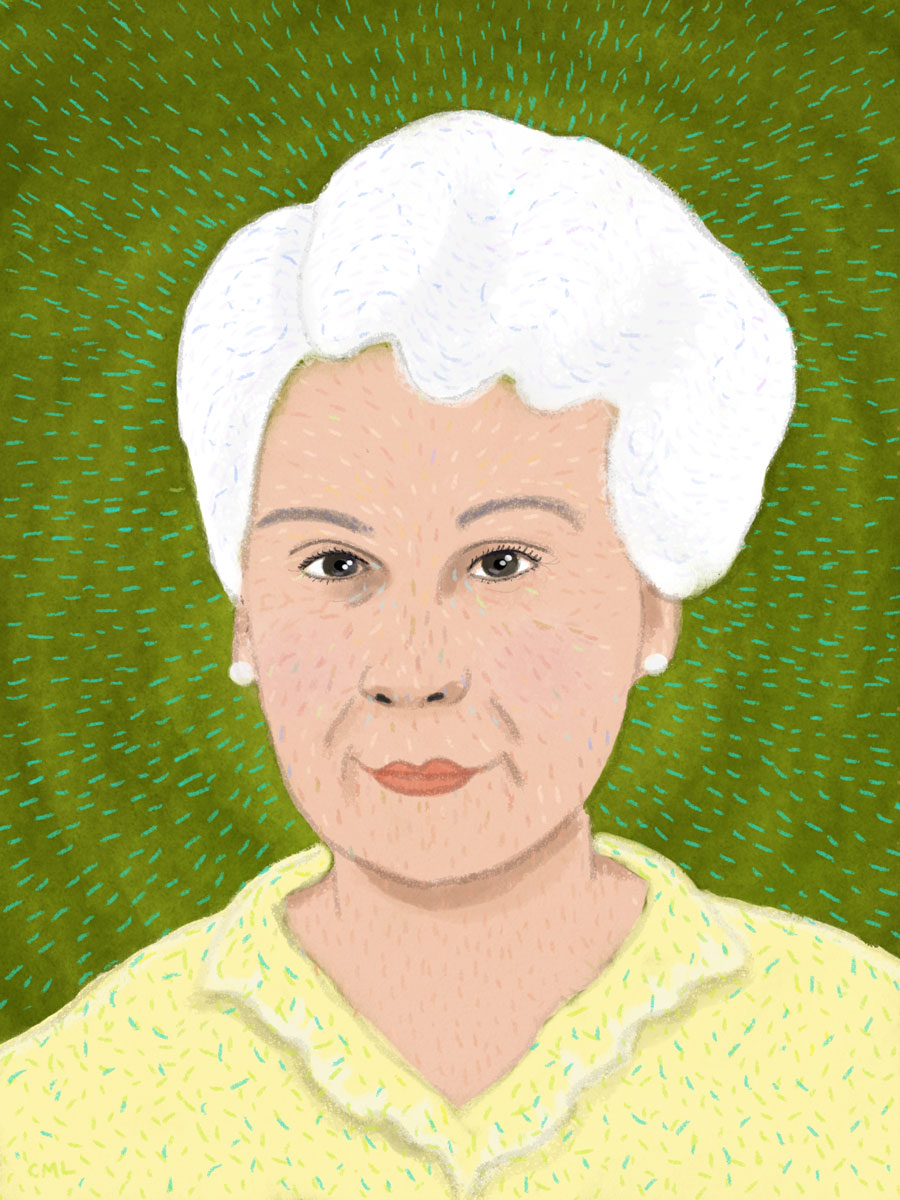
Sunday, March 8th: Joy of Cooking Reading Reading
See our Event of the Week column for more details. Book Larder, 4252 Fremont Ave N, 397-4271, https://www.booklarder.com/, 11 am, free.
Kissing Books: The grammar of preference
Every month, Olivia Waite pulls back the covers, revealing the very best in new, and classic, romance. We're extending a hand to you. Won't you take it? And if you're still not sated, there's always the archives.
When I was in grad school, I used to give my brain respite by searching for academic writing on the subject of romance novels. The field was almost on the cusp of a major blossoming — IASPR was still but a mote in a tipsy scholar’s eye — but there were still the occasional riffs on Modleski or Pamela Regis or such to offer a palate cleanser for what was otherwise an unrelenting parade of dry literary dudeliness.1 These searches were often complicated by the fact that “romance novels” and “Romance languages” are not at all the same topic in English2, so I’d have to wade through pages of search results with articles about magical realism in South America or French medieval poetry before I found anything talking about, say, Orientalism in sheikh romances.3
Romance itself tends to be a space where people are eager to create new languages — the grammars and guidelines we build and tear down and rebuild around the communication of affection, attraction, and alliances. The language of the fan. Flower meanings. Acrostic jewelry. Modern hanky codes, as we see in one of this month’s books. Rainbow flags in all their infinite variations. Phrases and acronyms invented for personal ads and dating sites and subcultures across the sexual spectrum: BBW and W4W and DTF.4 Is there someone you hire to mediate between you and a potential spouse? Do you have to use oblique terms when flirting because your preferred style of relationship is illegal or stigmatized? Do you have an unusual kink or a complicating condition that requires further precise explanation, preparation, negotiation?
Every culture, subculture, and new generation reinvents words to help people sort out their mutual attractions and dealbreakers. Which is part of what makes researching the history of gender and sexuality so complicated: which of the women-dressing-as-men did it as a disguise, and which did it because they were expressing what we’d currently call transness?5 It’s also what makes the subject so often delightful, as with brilliant Whores of Yore, whose Twitter feed posts vintage pornography and outdated, often hilarious sexual slang along with firebrand posts about sex work through the centuries.
So maybe this is all a contributing factor for why romance readers are uniquely descriptive when talking about their genre. Romance readership has heightened audience awareness of preferred tropes and plot dynamics. Where a fantasy reader might ask, “Anyone know any good recent books with dragons in?”, romance readers will write you out a recipe: “I’m in the mood for contemporary enemies-to-lovers, low angst, bonus points if it’s by an author of color. No small towns, please.” And chances are high someone will swiftly find that book for you!
It’s a lot like the kind of specifics you have to delve into when you practice thoughtful BDSM: what do you want, what are you neutral about, what do you actively want to avoid? I wonder if it’s because romance demands vulnerability from its readers. Romance novels want to make you feel things, but to do so you have to let them in. So readers developed a grammar of preference, hard stops, vulnerability, and consent both granted and denied (DNF is absolutely a revocation of consent).
This month’s books are a kinky poly queer novella, a gaslamp fantasy f/f, a contemporary second-chance romance, Beauty and the Beast with Vietnamese-inspired dragons, and an Antarctic romantic thriller with polar geography terms I was delighted to get to look up the definitions for (séracs and sestrugi!). In all of them, language becomes a key method of solving problems, and bridging the gap between people in love.
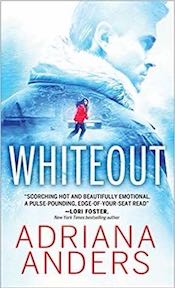
Whiteout by Adriana Anders (Sourcebooks: contemporary m/f):
This book makes an excellent argument for the existence of the Arctic Gothic in literature. Or Antarctic, since the setting here is the bleak and icy expanse that surrounds the South Pole.
See also: the beginning and ending of Frankenstein; Aurorarama; memoirs by Perry, Scott, and Shackleton; The Terror; and those parts of Kavalier and Clay where Josef joins the army and is stationed in the snowy wastes. Just to name a few. The poles and their eeriness have long been a backdrop for stories of survival, about primal conflicts and elemental struggles. Things that are pedestrian events anywhere else in the world are transmuted into terrible omens: halfway through this book I gasped audibly because Oh my god, the sun was setting.
It is a sublime setting for a sublime romantic thriller.
Ford Cooper is a longtime Antarctic researcher drilling ice cores: ex-military, closed-off, unreadable, possibly neuroatypical (sensory issues read that way to me). Angel Smith is a summer cook and a hot mess, who isn’t supposed to be staying over winter. But as things go wildly, muderously wrong, the two of them end up on a cross-continental trek for their lives. Pursued by enemies, fighting a persistent attraction, their supplies dwindling,
One thing I most appreciated, very spoilery: the longer the story goes, the less Angel needs rescue, and the more rescuing she gets to do. Romantic thrillers with military men are seriously prone to damselling; one reason why I tend not to read so many. But this book sets up its character arcs and then sticks to them—and the character who confronts Antarctica is Angel. Coop’s comfortable on the ice; he finds the loneliness and cold a refuge from people and experiences he’s trying not to think about. His arc is internal: he has to come to terms with the idea of loving someone, of risking his heart, of being open and knowable. As Coop gets more and more vulnerable, he begins throwing himself at danger to protect Angel—and getting gravely injured in the process. Which means Angel ends up doing a great deal of the rescuing and avenging, in the end, in ways that for once don’t feel martyrish or self-sacrificing. It’s glorious to see: we go from an ice giant/fragile rookie dynamic to lovelorn bodyguard/petite assassin, and I couldn’t be more delighted by it.
For one strange, discomposed moment, Coop saw himself, in his red NSF-issued coat, as a solitary drop of blood in the middle of all this vastness. If he wasn’t careful, he’d get soaked up by the ice, by the ground itself. Not eaten so much as absorbed, covered, layered over, forgotten until some enterprising researcher with a drill chose this particular spot to study.
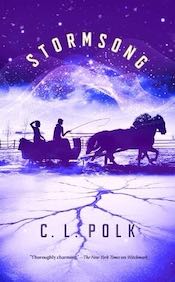
Stormsong by C. L. Polk (Tor.com: historical fantasy f/f):
Remember last year when a queer historical fantasy romance won the World Fantasy Award? I sure do! I’ve been waiting for this f/f sequel to one of my top m/m reads ever since. You’re definitely going to want to read the first book first, but there’s something truly pleasing in seeing one book set an epic number of pins up, and then having the second come along with a baseball bat to swat them all back down.
The beginning of this book is a mess. And no wonder, the way we left things. Witchmark tore down a kingdom’s whole power supply because it was the moral thing to do. Now a frightful storm is bearing down on a shattered kingdom: power is out and the government is in shambles and the people grow restless and threatening. Grace Hensley is trying her best to protect everyone, but she is beset by divided loyalties—to the truth, to her country, to her rebellious brother and her treacherous father and a stubborn queen unwilling to face reality.
And the bold, beautiful journalist who knows too many secrets, and who can send Grace’s whole delicate spun-sugar future tumbling down with a single stroke of the pen.
Witchmark was focused on taking out the physical system; Stormsong is about how difficult it is to change the system of how people think and plan and govern. Very hard, turns out! It takes a while for the book to start tying threads back together but when it does, wow. It is a little heavier on the fantasy side than on the romance side, balance-wise—but that’s a minor quibble from my romance-craving heart. Hopefully we get to see more stories set in this world, because I can’t wait to see what happens next.
She studied a point below my chin. “You’re rumpled.”
“I am?” I froze as she raised her hands and flipped up the collar of my shirtwaist, her fingers gliding around my neck. She felt all around my tie, pulled gently on the silken knot, and resnugged it. I stood absolutely still, riveted to the intent look on her face as she folded my shirt collar down and smoothed it over the neck of my knitted vest. She concentrated on her task, fussing over the lay of my lapels. She stroked her fingers along my shoulders and then looked up, her dark eyes sparkling over a gentle smile.
“That’s you put to rights.”
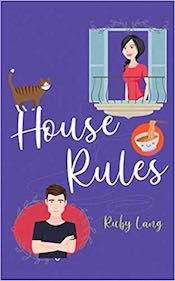
House Rules by Ruby Lang (Carina Press: contemporary m/f):
“She hadn’t seen Simon for years, and he was as handsome as ever, the asshole.”
Welp, there it is: how to fall in love with a book in one first-chapter sentence. This third entry in Ruby Lang’s Uptown series feels even more exquisitely crafted than the first two, and god help me but I want to start drawing careful, detailed floor plans of all these apartments as an act of fannish homage.
Here is the bathroom: where ex-spouses of seventeen years Simon Mizrahi and Lana Kai sit awkwardly on the side of the tub and agree to be roommates, because the apartment Lana found is a two-bedroom that’s too beautiful to pass up.
Her bedroom: where Lana curls up in the dark because endometriosis is a cruel bitch, and Simon, not knowing why she’s ill but worried sick, letting her tug him into the sheets to keep her warm as they both sleep.
The kitchen: where they kiss for the first time again, and it’s not quite how it used to be because both of them have changed over seventeen years.
Their romance is not an easy one, but it has a weathered, poignant beauty that feels all the richer for the difficulty. Simon gets in loops of self-sabotage but also a keen sense of transcendent joy. Lana has a habit of cursing hardest when she’s most sentimental that is just such a chef’s kiss of a character trait I could perish from envying it. It’s a romance about two people with shared baggage, who have to relearn how to talk to one another.
This book gives me my favorite thing in the book world: seeing a great author get even better.
He closed his eyes. “You know why this is a bad idea—no, it’s not just one bad idea. It’s several bad ideas rolled into one large column of highly suspect ideas supporting a sign that reads, BAD IDEA.”
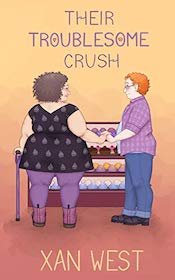
Their Troublesome Crush by Xan West (self-published: contemporary demi queer trans m/queer cis f):
I dug a little ways back into my To Be Read list for this kinky, poly novella where two metamours develop feelings for each other while planning their partner’s birthday party. It’s a light conflict, extremely talky novella, where language is absolutely everything. Communication, community, self-realization, song lyrics, parsing out various types of attraction, polyamory, kink consent and negotiation, it’s an amazing amount to pack into a short story space.
Our POV character is Ernest, an autistic, demiromantic, kinky, poly, Jewish trans man—and every one of those aspects impacts the story’s events. Ernest is an absolute dear, with an interior voice that goes in spirals just as charmingly tight as his red curls. This can be disorienting, for him as well as the reader, so it’s no surprise he finds himself drawn to Nora’s calm, steady presence. Romances are about balancing internal and external events: this one is a deeper internal POV than many, so Ernest’s identity with its multiple aspects becomes the landscape the reader navigates as the plot progresses.
It reminds me of that classic example of English adjective order: a lovely little old rectangular green French silver whittling knife, opinion-size-age-shape-colour-origin-material-purpose-noun. English speakers follow this rule automatically, without having to think about it: they are deep enough in the language to know what sounds right, and will be comprehensible. But it’s incredibly difficult for people just learning the language. I think the term I’m looking for here is: this book is identity-forward—not just in how detailed it is about the characters’ identities, but in putting the particular strengths and sensitivities of each person at the forefront. Everyone is navigating their own internal complexity while carefully making room for other people’s full humanity. It feels beautifully kaleidoscopic, but may be dazzling for readers used to looking at the world through a single lens.
Nora was coming over, and he was nervous. He shouldn’t be nervous. There was no reason to be nervous. Judith’s idea that he had a crush on Nora was ridiculous and made no sense and he wasn’t going to think about it. If he was nervous, it wasn’t about seeing Nora. It was because they were planning for Daddy’s birthday and he wanted to do a really good job.
This Month’s Beauty and the Beast, But Make it Sapphic and Southeast Asian
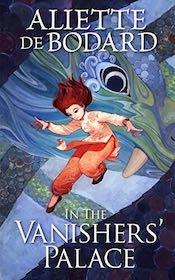
In the Vanishers’ Palace by Aliette de Bodard (JABberwocky Literary Agency: fantasy f/f):
Beauty and the Beast is one of Romancelandia’s most persistent patterns, partly because it is so adaptable. This version is a dark Vietnam-inflected fantasy, with Vu Côn, a beast who is a dragon healer, and Yên, a beauty who is a scholar sacrificed by the elders of her village. The power difference between them is enormous: immortal over mortal, spirit over human, terrible knowledge over innocence.
But there are other powers at work: the Vanishers, who broke the world, who continue to break it even after they’ve departed. And love, of course, that greatest and least predictable of forces.
The language of this book is fascinating—the characters are speaking Viêt (or something like it), so in a very real sense we are reading in translation. For example, the characters mention “filial piety,” but the narrative points out that the character had only spoken a single word. Combine that with careful attention to various pronouns (he/she/neutral they) and addresses that use kinship terms and shift with changes in fear, power, and intimacy ... It does more to show political and social nuances than a lot of doorstop high fantasies do. This along with a surprisingly powerful romance between two stubborn, closed-off hearts—it makes for a book that’s lush, gorgeous, heartbreaking, and profoundly memorable.
It had been a long, exhausting day. Alone in front of her mirror, Vu Côn undressed, slowly. She was winding down, no longer bothering to maintain one shape. Her hands shifted to claws and back again, half-tearing clothes that the palace would repair in the night, and her skin was becoming dotted, here and there, with iridescent scales. She stared, for a while, at the shadow of antlers at her temples.
-
For instance, the textual studies class that asked us to compare two versions of a single text of our choice and write a descriptive bibliography comparing the differences. I chose Jonathan Franzen’s essay “Perchance to Dream”/“Why Bother?” because it was the only thing I could think of that had two different official versions and was shorter than a novel. In the process of looking closely at what Franzen changed—eliminating predictions that hadn’t panned out, cutting material that mentioned his wife/ex-wife—I went from admiring him as a writer and finding him insightful to realizing he was everything I was fighting against in all of patriarchal literature. The flame of this particular grudge has ever since been a small perennial pilot light in my soul. ↩
-
If you’re looking for overlap between romance novels and Romance languages, two resources I’d highly recommend are Word Suitcase by Felicia Davin and Charlotte’s new and excellent Close Reading Romance blog. ↩
-
Orientalism, sheikh romances, and the War on Terror is at present one of the most interesting developing threads in the scholarship. Start with Stacy Holden’s classic article and then read Laura Vivanco’s monograph review. ↩
-
Imagine the Venn diagram of “people who know what Sadie Hawkins means” and “people who know what sounding is.” ↩
-
There is Gosh we can never fully know the past, and then there is The past is what I say it is no matter how many present-day people it hurts. Here is one example of the latter in regard to famed 19th-century surgeon Dr. James Barry. ↩
Anger as a path to joy
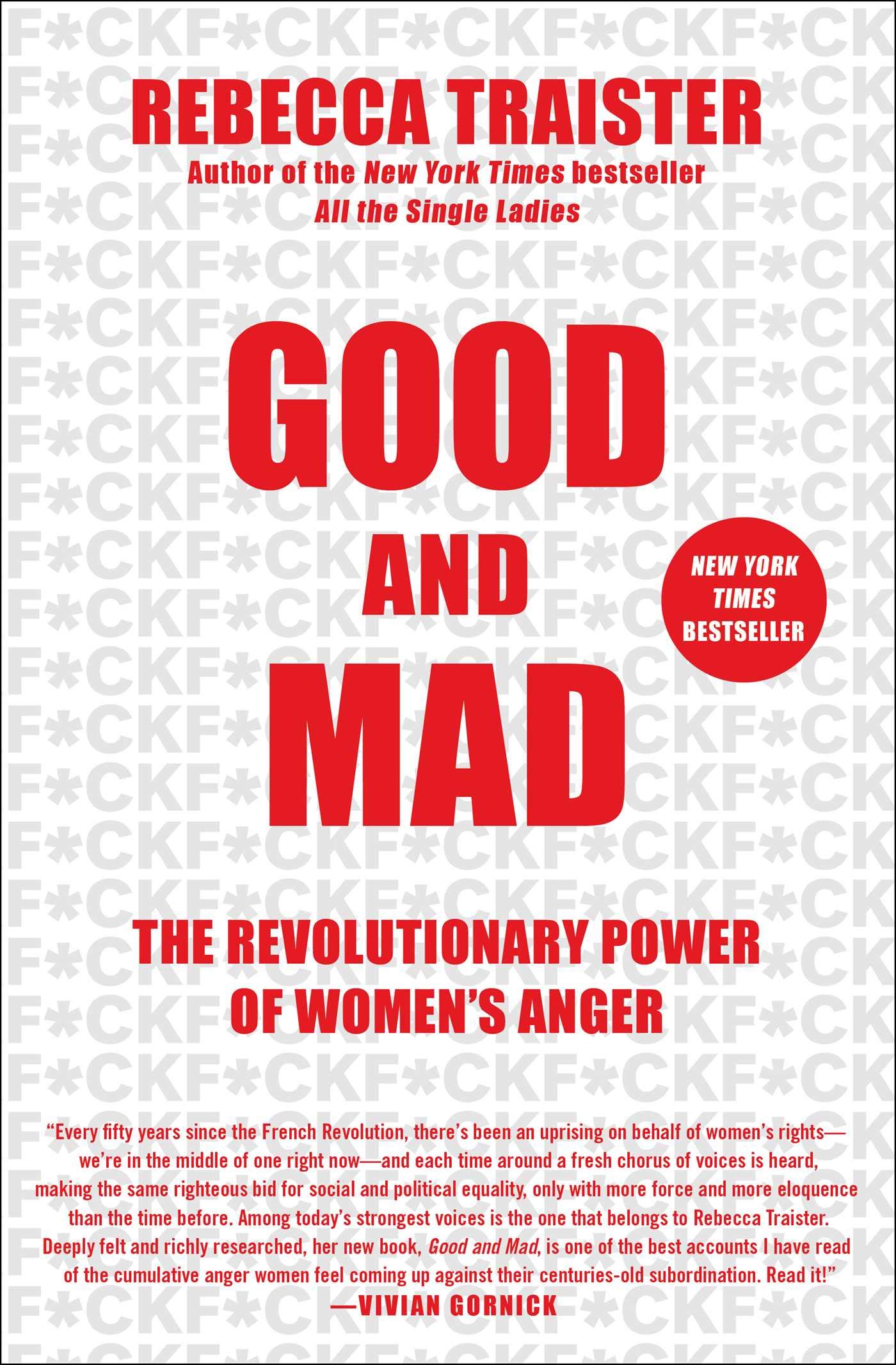
One member of the Reading Through It book club last night said that reading Rebecca Traister's Good and Mad actually made her pulse race. Like, literally — according to the heart rate monitor on her Apple Watch every time she read the book, her pulse increased by ten to fifteen beats per minute. To be clear, she loved the book, but the shock of recognition she found in Good and Mad affected her on a deeply physical level.
It was almost impossible to talk about Good and Mad last night without talking about Senator Elizabeth Warren. It wasn't a question of whether sexism had some impact on the presidential candidate's disappointing Super Tuesday showing so much as how much blame to place on sexism.
Many political pundits — almost entirely men — found Warren's stance as a fighter to be off-putting. They would claim that they couldn't quite put their finger on why they didn't like Warren's combative tone, but they just didn't think it would appeal to voters. Now that the presidential race has nearly boiled down to a battle between three men who yell a lot, the lie behind that assessment is clear: it wasn't Warren's combativeness that was an issue, it was that she was combative while being a woman.
We talked with admiration for Traister's remarkable book — Good and Mad rushed out of her in a handful of months, accompanied by a wave of catharsis that easily spreads to readers — and its many epiphanies. We discussed how the book ably identified the schism between white women and those who don't enjoy the same privilege as white women — women of color, LGBTQ women, disabled women. We talked about what it means to relax into your anger, and how that's freeing; that women who learn how to be okay with their anger do not broaden into a lifetime of anger. Instead, when you learn how to be angry in a healthy way, it removes anger from your life.
In her excellent New York Times essay on how to represent women more honestly in movies and TV, Brit Marling talks about trying to imagine a female character who doesn't only exist as a response to a male character:
Sometimes I get a feeling of what she could be like. A truly free woman. But when I try to fit her into the hero’s journey she recedes from the picture like a mirage. She says to me: *Brit, the hero’s journey is centuries of narrative precedent written by men to mythologize men. Its pattern is inciting incident, rising tension, explosive climax and denouement. What does that remind you of?*
And I say, a male orgasm.
And she says: *Correct. I love the arc of male pleasure. But how could you bring me into being if I must satisfy the choreography of his desire only?*
I wondered aloud if maybe there's something like a masculine pattern to running for president, too, that the best way for a woman to run for president would be to give up the hopelessly macho and traditionalist masculine political traditions and find something new.
Then a member of the book club revealed one of my blind spots: "I think Warren's campaign is that kind of a campaign." Warren as a candidate has grown and admitted mistakes and changed. She listens and changes course and has conversations. She fights and celebrates and welcomes people in and listens. Maybe the problem, then, is that a traditionally masculine political media — one populated by smarmy men like Mark Halperin — doesn't know how to talk about a woman running for president. The only way to fix that problem is to make sure more women run for president and report on presidential campaigns and make coverage decisions in newsrooms everywhere. Only by having more women listening and talking and doing can we make it okay for women to be angry — and for women to be women.
Last night was the last Reading Through It to be hosted by the Seattle Review of Books. Thanks to the dozens and dozens of Seattleites who participated in the conversation over the last three-and-a-half years. Next month, the South Seattle Emerald takes over hosting duties; their first Reading Through It title is Ibram X. Kendi's How to Be an Antiracist.
Thursday Comics Hangover: The latest on Emerald City Comic Con and the coronavirus outbreak
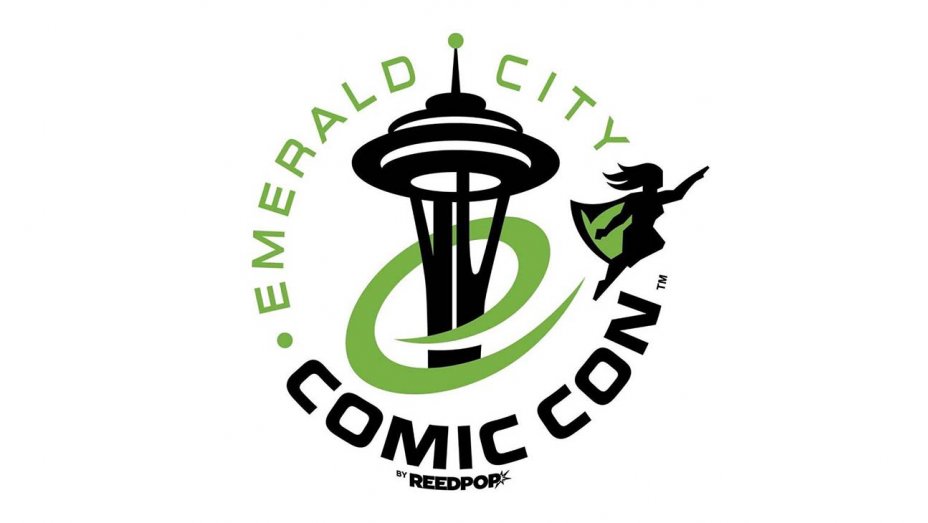
As I told you yesterday, a number of publishers and comics creators (including me) have canceled their appearances at Emerald City Comic Con, which — at the time I'm writing this — is still scheduled to go on next weekend at the downtown convention center. At the same time, King County is urging residents to not gather in groups larger than 10 and Governor Jay Inslee has confirmed that he has the power to close down large events in the name of public safety.
Here are the latest developments:
-
ECCC has set up an online form for any ticket- or pass-holders to request a refund. This refund form also applies to comics professionals who are attending the show, although it does not apply to exhibitors who have paid to set up booths and tables at the show.
-
Some ECCC exhibitors are not happy about the idea of ECCC canceling without a full refund structure:
If ECCC is going to cancel, here's my fucking invoice:
— Steenz⁷! @ ECCC R4 (@oheysteenz) March 4, 2020
Flight: $300
Hotel: $349
Table: $265
Merchandise: $376
TOTAL: $1290
This doesn't even include the merchandise that I have yet to pay for from my publisher. They either cancel it entirely & give me my money back or leave it be - Cartoonist Casey Lau has put together a list of the dozens of creators and publishers who have dropped out of ECCC, including links to purchase their books and art.
-
Which brings up the matter of art and money. A lot of
cartoonists depend on ECCC to pay the bills.
Cartoonist Kel McDonald
explains:
Those of you who read my old year in summary posts would know that con sales are over half my income. And ECCC is about a 1/3 of that half. Last year was a very bad year for me finically, so this winter I’ve been taking some none art work to help me get out of the bad money situation I was in. It’s why I haven’t been posting much new concept art for the past couple of months (well that and depression from it being winter.) I thought I was getting ahead on things but that was under the assumption I would be making a large chunk of money at ECCC. I need it to basically pay my all my bills for April and May. Because that’s what it has done every year I’ve gone.
- You can buy comics directly from McDonald here. Other cartoonists who could use your support right now include Jen Bartel, Yangtian Li, Kate Leth, and Ibrahim Moustafa. We'll share more as we find them.
Book News Roundup: Meet the new Trailer Blaze residents
Short Run Comix & Arts Festival announced this year's recipients of its Trailer Blaze program, which is a weeklong residency for women cartoonists. The new residents are: Veronika Muchitsch, Melanie Stevens, Sophia Zanders, Krusty Wheatfield, Lenora Yerkes, Janna Morton, and Seattle's own Rachel Scheer. You will definitely be hearing more from these cartoonists in the future.
Margo Vansynghel writes at Crosscut that "The 114-year old Georgetown Steam Plant — constructed in 1906 to power the city’s electric streetcar and Tacoma-bound railway lines — will become a state-of-the-art education, science and arts center, to open in three to five years."
Ronan Farrow is pretty upset that his publisher is set to publish a memoir by Woody Allen:
Hey, just wanted to share my thoughts on some recent news: pic.twitter.com/ovPczgx8pB
— Ronan Farrow (@RonanFarrow) March 4, 2020- In case you needed a reminder that used bookstores are magical kingdoms where anything can happen:
Did I...pick up Lee Iacocca’s copy of Ralph Nader’s “Unsafe at Any Speed” for $5 at an LA bookstore? pic.twitter.com/kKil8HN9oj
— Faiz Siddiqui (@faizsays) March 2, 2020
Why I'm not attending this year's Emerald City Comic Con
Next weekend, I am scheduled to appear on two panels at Emerald City Comic Con at the Washington State Convention Center. On Saturday, I'm supposed to discuss a new project on an AHOY Comics panel with artists Richard Pace and Soo Lee and writers Tyrone Finch and Stuart Moore. And on Sunday, I am slated to host a panel with Seattle writer Garth Stein and artist Matthew Southworth that would serve as the world premiere of their upcoming Fantagraphics comic Cloven. I've been looking forward to both those panels for months. ECCC has become a high point in my year for all its opportunities to check in with the comics community, buy way too many comics, and sit in on panels.
Over the past few days, a number of major publishers (including DC Comics, Penguin Random House, and Portland comics publisher Dark Horse) and a wide array of comics professionals (including writer Benjamin Percy and cartoonist Kate Leth) have canceled their Emerald City Comic Con appearances due to concern for public safety in the coronavirus outbreak. Their concern is legitimate, considering the fact that Washington state in general, and King County in particular, has been a focal point for COVID-19 infections in the United States.
I share their concern. Unfortunately, I will not be able to attend Emerald City Comic Con this year. I have a person in my life with immunodeficiency issues, and I simply can't justify the risk that person would face if I were to attend a festival in downtown Seattle with 100,000 people from all over the world in the middle of a global outbreak. While ECCC organizers have promised increased sanitation during the convention, there's simply no way to ensure that the coronavirus will not be transmitted at the event.
I understand that my decision to not attend ECCC comes from a place of privilege; while I have a day job that pays the bills, many cartoonists and publishers rely on robust ECCC sales to stay above water. Hopefully they'll be able to capture those sales even as more and more attendees and professionals drop out. (That said, if you are exhibiting any of the symptoms of coronavirus — particularly a fever or deep cough — you absolutely should stay home and not attend the show.)
There are rumblings online about crowdsourcing a "virtual ECCC" in which cartoonists can sell their work to people who might want to support comics artists without having to put themselves or loved ones at risk for coronavirus infection. If someone compiles a list of ECCC vendors who will be financially endangered by the outbreak, I'll be happy to share that list here on the Seattle Review of Books.
And if you were looking forward to attending either or both of my two panels at the show, I'm sorry to let you down and I hope to see you soon. I'll share information about ECCC — including revised information about the panels I was supposed to participate in — as I hear about it. And whether you're attending the show or not, please stay safe. Wash your hands, stay informed, and take care of those who can't take care of themselves.
Talking with Susan Anderson-Newham about what kids learn from books
Washington is redesigning its early learning strategy for the first time in ten years. That means looking across the vast network of factors that influence what kids experience before they start kindergarten and right after. Child care, preschool, yes to all of that — but also food, housing, health care, family dynamics. Where and how do kids learn to learn? Where and how do kids learn to learn — if their parents both work long hours, if the family doesn't speak the same language as the local child care, if they live two hours from the nearest preschool?
Cue the public library.
Susan Anderson-Newham is Pierce County Library's Early Learning Supervising Librarian. In the early 2000s, she was "just" a librarian. It was a pivotal period, she says, with rapid advances in neuroscience that changed how people thought about kids' brains. Pierce County Library had a program to deliver books to local child care centers, but "they felt there were so many ways they could connect better with the community."
Anderson-Newham has been leading Pierce County's early learning initiatives since then. Since she joined the team, the number of story times has blossomed, with more than 20 every month; childcare centers have access to a formal, managed collection from which they can order on-site delivery; and Anderson-Newham and her team create microcollections on request: picture books with nonbinary or gender-fluid characters, books about kids in foster care, books about kids who aren't sleeping at home. "The program grew in fits and starts," she says, "but we're doing some amazing stuff."
That "amazing stuff" is supercharged with data. In 2010, the University of Washington started researching storytime — formally, with control groups for "traditional" storytime and other groups testing new methods. When Anderson-Newham first started, "it was the Susan show — the curtain would go up, and I would do everything. I would read the books, I would do the rhymes, and I would sing the songs, and then the curtain would go down. I don't think they were learning very much."
Learning from books is about more than learning what's in books, and today, storytime is full of interaction. A professional storyteller and former actress, Anderson-Newham relies on movement, song, repetition — whatever transforms a story into something more: "When I'm reading a book, and I run my finger along the page of the book;hellip;we're actually showing them that in English, we read from left to right." One book offers a chance to talk about math; another is strong on preschool science.
Part of the job is helping other educators think about books in the same way she does, and it's easy to hear how much Anderson-Newham loves her work when she talks about her favorite stories. From stories that unfold through cut paper or a bit of string to popup books that are "just absolutely riveting," her voice brightens. There's also a bit of loss. She brings a copy of The Undefeated to a meeting, so people can see it; "that's where the power is," she says," but "we don't have very many bookstores any more."
Anderson-Newham is very aware of the cultural responsibility that rests on the library's shoulders. "We want books that that everybody sees themselves in. And books that show people who are different. We call them mirror books and window books." And she's aware, also, of the power of story _as _story: "I like to have door books, too — books that open up a whole new world. I was not a reader as a child; my sister was the reader. When I was in eighth grade, she gave me a copy of the The Hobbit, and it completely changed me.
The role of the public library is always evolving; since public perception doesn't always keep up, it's also Anderson-Newham's job to be visible wherever the library needs to be seen. That means sitting on panels, joining coalitions, and partnering up with other organizations, like the United Way. The "Little Readers" program that came out of that particular partnership sends "story time in a bag" out with trained volunteers to visit kids who are in child care at someone's home — places that are too small for most programs to reach.
Anderson-Newham's job can be challenging. There's not a lot of money for libraries; there's not a lot of money for early learning. There's a lot to know about child development, and it's constantly evolving. But then there's this — at a recent panel, a woman asked Anderson-Newham, "Did you use to work at the Auburn Library?" And when she confirmed, the woman said:
Oh, my God, I had a boy. He was four and he had been severely abused. And we were working with him and I was starting to try to take him out into community to meet people and socialize a little bit, because he just was really frightened and very sad. And you read a book called Mrs. Macintosh Hangs Up Her Wash. And that was the first time I saw him smile.
It's not getting any easier for kids, from preschool on up. The current political climate is a cloud over everyone. "There's more bullying. There's more division," says Anderson-Newham. "There's a lot of ugly things being said to people and children. And then of course, you know, if you don't know if your family is going to be intact at the end of the evening — what we try to create with our library spaces are places where children and families can find comfort."
And places where families can find resources, for example, if they're not sure that their child is developing typically. That's part of early learning, too. You can even "book a librarian," which is possibly the best idea ever.
"Librarians are amazing," says Anderson-Newham. "They really are: people who want the world to be better. And in this day and age, that's a really lovely group of people to work with."
Book News Roundup: Seattle Magazine is under new management. Who's going to pay the freelancers that Seattle Magazine stiffed?
- Geekwire chairman and Seattle tech capitalist Jonathan Sposato bought Seattle magazine, Geekwire reports. Seattle's future has been in doubt since its owner, Tiger Oak media, filed for bankruptcy last fall.
“If it’s the case that the internet killed print, then Seattle mag now speaks internet,” [Sposato] said. “I aim to bring my understanding of how to build successful consumer internet and tech companies to Seattle mag, investing heavily on the digital side. We have lots of very cool ideas there. That said, on the print side there will always be a very human desire to curl up on the couch with beautiful glossy magazines.”
- Tiger Oak had been struggling financially for a good long time, and Seattle's freelancers have used the news of Sposato's Seattle purchase to point out that the magazine owes a lot of writers a lot of money:
Tiger Oak (whose owner continues to make about $300,000 a year and drives around in a leased Volvo on the company dime) owes me $2,266.64 under two contracts. But many vendors who provided services to this company are owed many times that amount.
— Erica C. Barnett (@ericacbarnett) March 2, 2020You can start by sending me a check for the article I wrote years ago now. Don't stiff your contributors!!
— Ronald Holden (@cornichonblog) March 3, 2020 A Bellevue College administrator tried to remove Bellevue businessman Miller Freeman's name from an artwork recalling the Japanese internment camps. Instead, that act of vandalism only served to remind the region what a huge piece of shit Miller Freeman really was.
One more thought about the act of Miller Freeman erasure: I don't see the "colleges-are-killing-free-speech" crowd standing up to protest Bellevue College for this act of censorship. Could it be because the censorship was committed in an attempt to protect one of Bellevue's wealthiest families? Funny how disingenuous the free speech absolutists are: they love to send grief down to hippie schools like Evergreen, but they are conspicuously silent when real censorship happens at schools that aren't stereotypically liberal. One might be tempted to call the free-speechers hypocrites.
Internet bites dog
Published March 3, 2020, at 12:00pm
On Twitter last week, a swarm of adults viciously mocked a children's book based on its cover alone. Why is a book about a time-traveling golden retriever worthy of anyone's scorn?
Nautilus
her eyelids in sleep
lower lid curling retractions
soft-bodied mollusks, something
boneless, tidalcaught in the shock of touch
already oceanic, aqueous
humor rises, lifting her cornea
swale shifting skineye a restless autonomy
in low-light sepia
the room so dim, breath trails
inky over ridges on her lipsdid you know squid eyes
have round lenses
see through perfect spheres
in their flat lidlessnessdid you know chromatophores
look like the pores high on her cheeks
and change color by shifting pigments
shifting reflectionsdid you know in 316 days bigfin reef squid
have lived their flesh from polyp to debris,
exhausted microscopic organs,
and she in sleep, newly temperatesighs rough with beginning
Fran Lebowitz is coming back, in conversation with David Schmader!
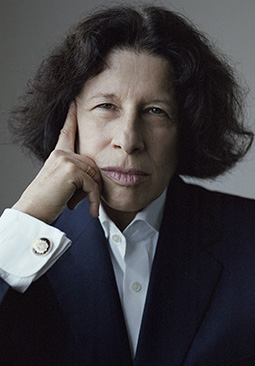
Returning sponsor Northwest Associated Arts is bringing Fran Lebowitz back to Seattle, and we are absolutely thrilled. Writer, iconic New Yorker, fashion icon, and brilliant mind, Lebowitz never lets an audience down.
“Success didn’t spoil me, I’ve always been insufferable" she once said but as we all know, there is insufferable, and there is delightfully insufferable, and the kind of energy Lebowitz brings is sure to move a ton of tickets to her appearance, hosted by the amazing David Schmader, on April 19th.
Much more information on our Sponsor's page, including many more quotes, all of which are jewels.
It's sponsors like Northwest Associated Arts that keep The Seattle Review of Books running and paying writers. Why not take a look and see if a sponsorship is right for you, too?
Your Week in Reading: The best literary events from March 2nd - March 8th

Monday, March 2nd: Facebook: The Inside Story Reading
Tech writer Steven Levy had three years of access to the most powerful people at Facebook. His new book weaves those dozens of interviews (including conversations with Mark Zuckerberg) and insider observations into a narrative exploring the history of easily the most monstrous social media company on the face of the planet. University Temple, 1415 NE 43rd St,634-3400, http://www2.bookstore.washington.edu/, 7 pm, $30.
Tuesday, March 3rd: The Feminist Handbook Reading
Joanne Bagshaw will discuss her latest book, The Feminist Handbook: Practical Tools to Resist Sexism and Dismantle the Patriarchy, with Kirsten Harris-Talley. The book promises, among other things, to "Actively resist internalized negative messages you’ve received while living in an openly sexist, patriarchal culture." Town Hall Seattle, 1119 8th Ave., 652-4255, http://townhallseattle.org, 7:30 pm, $5.
Wednesday, March 4th: Homesick Reading
Jennifer Croft's novel Homesick is about a pair of teen sisters who are homeschooled, until one of the sisters goes to university on an early admission. Elliott Bay Book Company, 1521 10th Ave, 624-6600, http://elliottbaybook.com, 7 pm, free.
Thursday, March 5th: Race Against Time Reading
Race Against Time: A Reporter Reopens the Unsolved Murder Cases of the Civil Rights Era is the true story of Jerry Mitchell's attempt to find justice decades after a hate crime and murder. He pursues several Klansmen in his quest to find out who killed three civil rights activists in the famous "Mississippi Burning" case.
Elliott Bay Book Company, 1521 10th Ave, 624-6600, http://elliottbaybook.com, 7 pm, free.
Friday, March 6th: The Afterlife of Reproductive Slavery Reading
Alys Eve Weinbaum's book, which is subtitled Biocapitalism and Black Feminism’s Philosophy of History, reportedly "investigates the continuing resonances of Atlantic slavery in the cultures and politics of human reproduction that characterize contemporary biocapitalism." The book promo copy describes biocapitalism as "a form of racial capitalism that relies on the commodification of the human reproductive body." Elliott Bay Book Company, 1521 10th Ave, 624-6600, http://elliottbaybook.com, 7 pm, free.
Saturday, March 7th: Dead Flowers Reading
Oliver Amatist's Time Within a Leaf is the true story of a journey through PTSD. His Dead Flowers is a narrative poem which "follows the adventures of a homeless and disabled teen drifting through Oregon and Washington as he recalls memories of a terminally ill childhood friend." It is a true story. The Neverending Bookshop, 7530 Olympic View Dr #105, (425) 415-1945, http://www.theneverendingbookshop.com/, 2 pm, free.
Sunday, March 8th: Joy of Cooking Reading Reading*
See our Event of the Week column for more details. Book Larder, 4252 Fremont Ave N, 397-4271, https://www.booklarder.com/, 11 am, free.
Event of the Week: Joy of Cooking at Book Larder
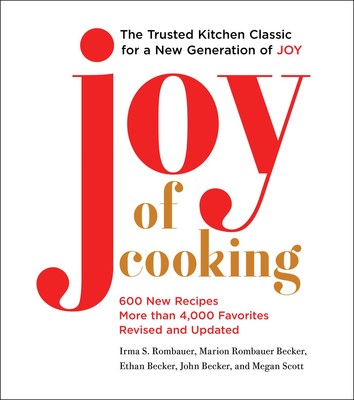
At a time when most people simply Google for recipes — entrusting their meals to complete strangers! — the general cookbook is a dying art. It's hard to believe now that most people used to only own two or three cookbooks at most, and that a good cookbook was a lifelong companion.
I'd never suggest that we go back to a cookbook monoculture. It's great that we can all make as many different cuisines and difficulty levels of dishes as our ambition will allow us. But one thing that those great generalist cookbooks provided was a baseline, a class in how to cook a variety of staples. Anyone who could cook their way through Joy of Cooking, for instance, could probably fake their way through a wide variety of recipes.
Joy of Cooking, of course, is the standard. For nearly a century, it has been the book that every American kitchen had onhand, a lingua franca of American cooking. But now that we're all specialists and grazers in the big world of cooking, is there still space for a cookbook bible?
John Becker, Irma Rombauer's great-grandson, and his wife Megan Scott have dedicated their lives to keeping Joy of Cooking relevant. It keeps the original book's wide-reaching generalism while also updating the recipes to suit a more modern audience.
It's a daunting task, digging through 600 new twists on classic recipes. And this Sunday, Becker and Scott will be at the Book Larder to discuss how they tried to keep the flavor of the book intact while matching the spice of modern cooking. It's not often that you have direct access to this kind of cookbook wonkery; for those of you who care about The Way We Eat Now, this is a discussion that is not to be missed.
Book Larder, 4252 Fremont Ave N, 397-4271, https://www.booklarder.com/, 11 am, free.
The Sunday Post for March 1, 2020
Each week, the Sunday Post highlights just a few things we loved reading and want to share with you. Settle in with a cup of coffee, or tea, if that's your pleasure — we saved you a seat! Read an essay or an article online that you loved? Let us know at submissions@seattlereviewofbooks.com. Need more browse? You can also look through the archives.
The end of farming?
We are living in a nostaligic’s paradise. To pay attention to the world is to be transfixed with grief, anger, fear, defiance — and, for those with a certain sort of upbringing, a terrific anxiety about overdramatizing the situation. We yank our personal gaslights up and down, wondering: is the world burning? Or is it just the sun in our eyes?
There are a privileged few who can act on their anxiety in larger ways than piling their recycling full and buying extra bottled water. The rich boys of the tech industry buy islands and build rocket ships. The rich boys of Britain are returning their island to a time out of memory, before they ploughed their wild land into submission and made “bucolic” a national identity.
In August 2003, Burrell invited local farmers to Knepp with the aim of converting them to the project. As he laid out his vision of fields and hedges devolving into scrub and wetland, his audience erupted with anger. “It wasn’t simply that our neighbours (including some other members of the family) thought this wasn’t right for them,” Tree wrote. “It was more visceral … an affront to the efforts of every self-respecting farmer, an immoral waste of land, an assault on Britishness itself.”
Replaying my shame
A very young Emily Gould worked at Gawker, and was publicly shamed for it by a television star with immense social power. Not content to confront her one on one, the star invited three other people with power of various kinds (an expert panel of “middle-aged white men”) to assist. The resulting video clip has gone viral repeatedly, punctuating Gould’s career with humiliation and used as a weapon against her by other angry men.
Here’s a gift from #MeToo: it’s impossible to watch the video clip today and see anything but what it is: four men, established in their career and the power of their race, gender, and affluence, mercilessly and publicly bullying a young woman who has no reason to expect it. Shame _is _a tool of control, and the powerful are always best placed to wield it.
When I watch the clip — me and Jimmy Kimmel, in split screen — it’s possible to see the exact moment when I realize what’s going on, that what I’d thought was a joke is in fact serious. It’s when one of the experts tells me that it’s only a matter of time before the map gets a celebrity murdered, and I’m shaking my head in disbelief, causing my stylist-fluffed barrel curls to wag from side to side. Something flips then, and you can see in my widened eyes that I know I’m completely fucked; I’ve been talking about media and they are talking about murder, seemingly meaning it. Objectively, this is the moment to laugh at me. It is funny to watch someone be humiliated. We all think, Wow, thank God it’s not me.
I am being unmade
Paraic O’Donnell, holy cats. This is one of those rare essays that keeps me in the longform-reading game — entirely original, entirely surprising. Entire.
Eve knew something else, deep down. She knew what all gardeners know: that trees bear fruit because fruit carry seeds; that trees bear fruit because they’re dying. She knew that this whole thing was a setup, right from the start.
September, this must have been. That’s when it starts, always. When you first figure it out. It’s when fruit ripens, when all that beauty starts getting its affairs in order. It’s when you realise how this ends.
Whatcha Reading, Sharon Nyree Willams?
Every week we ask an interesting figure what they're digging into. Have ideas who we should reach out to? Let it fly: info@seattlereviewofbooks.com. Want to read more? Check out the archives.
Sharon Nyree Williams is a Seattle-based storyteller with many expressions. You may recognize her name as our Poet in Residence for February (you can read the poems she shared: "I’m No Piece of Brittle", "My brothers", "Black", and "The American Dream"). She's also a performer, the Executive Director of the Central Arts Comission, a Seattle Arts Comissioner, on the board of trustees for Cornish College of the Arts, just to name a short few from her long list of accolades. Thanks to Sharon for joining us during February, and check out what she's up to on her fabulous website.
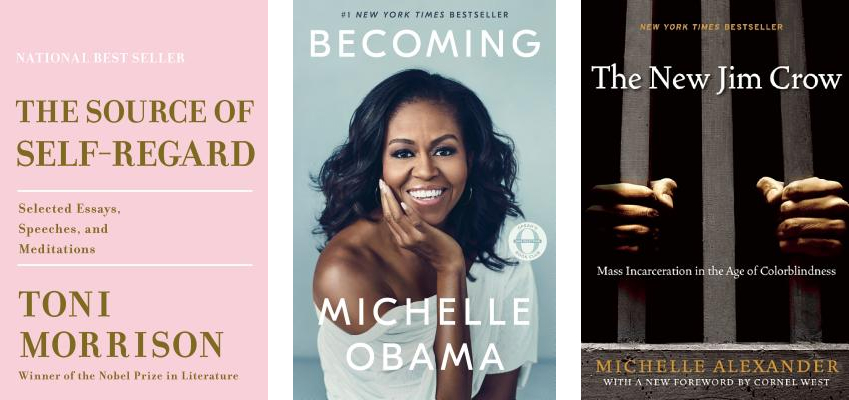
What are you reading now?
I’ve been reading for a while now Toni Morrison’s, The Source of Self-Regard: Selected Essays, Speeches, and Meditations. My niece was in town visiting from North Carolina and being the best auntie ever. I know she loves reading fiction, so I put on our things to do list a trip to Elliot Bay Bookstore. Little did I know, I would find a gem in the form of Toni Morrison’s collection. Unfortunately, the Nobel Prize winner would pass away a few months after I began my journey enthralled into her greatness. I love the book because it’s like an encyclopedia, I hope you are old enough to remember what an encyclopedia was. If not, it was Google in book form, volumes A-Z and just about everyone had a set.
What I love about the book is that I don’t have to read it cover to cover. I was in a place where I was really trying to examine what it meant to be an artist, and lucky for me there is a chapter in the book, The Individual Artist it begins on page 58 and that’s where I was able to start the journey. You may say that by having Toni Morrison’s,The Source of Self-Regard: Selected Essays, Speeches, and Meditations, I feel like she has become a mentor because of how she choose to share her work and experiences with me in form of a book.
What did you read last?
Becoming by Michelle Obama, was my last book. Honestly, as a Black woman I felt and needed to know more about one of the most inspirational women in the world. The curiosity alone of how did she become the magnificent person that she is? What can I learn from her experiences? In reading her book I may never become Michelle Obama but I’m not afraid to strive to become my best self even more now than ever. As I take my rightful place in society, I will cherish the journey along the way. #BlackGirlMagic
What are you reading next?
I plan on reading next, The New Jim Crow by Michelle Alexander. For years, I’ve heard people refer to this book and I’ve always been intrigued by it. But for some reason I never made the time to read it. Recently, I was performing my solo show, Dare to Claim the Sky at ACT Theatre and we ended up with a small bookcase as part of the set design. My director, Christine Sumption didn’t want the bookcase to just sit empty so we decided to bring books from home along with family photos to have on the shelves. But we all knew it just couldn’t be any books, and as soon as she made the recommendation, Christine new that she was bringing in The New Jim Crow from her collection. Therefore, I believe that the time is now for me to experience it for myself.
The Help Desk: Print is dead, and so is the planet
Every Friday, Cienna Madrid offers solutions to life’s most vexing literary problems. Do you need a book recommendation to send your worst cousin on her birthday? Is it okay to read erotica on public transit? Cienna can help. Send your questions to advice@seattlereviewofbooks.com.
Dear Cienna,
I drive a Prius, and my boyfriend drives a Tesla (thank you hiring bonus at local unnamed tech company that if I named you'd probably hate me for mentioning). We argue about which car is better for the environment all the time, because electricity isn't really all that better than gas.
Anyway, at some point during this ongoing argument, he always brings up "If you really cared about the environment you'd stop buying books and get a Kindle or listen to books on Audible but you don't, so you kill trees, pay for shipping which uses gas, and generally, waste a lot of resources."
I need a good comeback, Cienna. Don't love my wienie Tesla-driving boyfriend win this one. Please help me.
Jessa, Mount Baker
Dear Jessa,
I'm going to assume for the sake of argument that your boyfriend isn't an idiot. If you want to put an end to his profoundly stupid, cherry-picked example of environmentalism, you don't need a comeback, you need a multisensory assault.
Go to your local pet store and purchase a medium-sized fishnet. The next time you take a shit, fish the turd out and tuck it in a houseplant. Continue this ritual until your boyfriend notices. Eventually, he will ask "What the fuck?"
Then you can tell him what he wants to hear: "you're right."
Tell him that you've done some research and you agree with him – your love of books is destroying the environment. You want to be a good environmentalist, so you did a little more research and you're making some changes. The first is using your turds as fertilizer for houseplants instead of flushing them to the ocean. You're also going off birth control because you've read that the hormones secreted through urine give fish titties. Be sure to enunciate "fish titties" to make the phrase extra horrifying.
Finally, mention that while you appreciate his recommendation to purchase a Kindle, they're very toxic and mostly made by LGBTQ+ children and pandas in China. So you have hired a Book Psychic to simply tell you the plots of books you want to read every night over speaker phone.
The name of your book psychic is My Aunt Cindy. You will then call her for the next several nights, while both of you are in bed, and let her talk at you.
My Aunt Cindy claims to have a bookstore in her basement the same way I claim to have a boyfriend in Alaska. She will love to hear from you. Every few weeks, Mother texts me to check in with My Aunt Cindy because "she’s alone now that her ant farm dried up."
Cindy claims she can predict the ending of a book after page one – that's where she got the reputation as a book psychic. I usually ask her what she’s reading, and the book she takes an hour to describe is usually a wine label. Which is fine. More wine labels would make bestseller lists if My Aunt Cindy and I were in charge.
After the planted turds and a few hours of Book Psychic Cindy confusing FitVine Wine with Eat Pray Love, I guarantee your boyfriend will never pick a fight with you over the environment ever again.
Kisses,
Cienna
The Portrait Gallery: John Sayles
Each week, Christine Larsen creates a new portrait of an author for us. Have any favorites you’d love to see immortalized? Let us know, or see if you can find them in the archives.
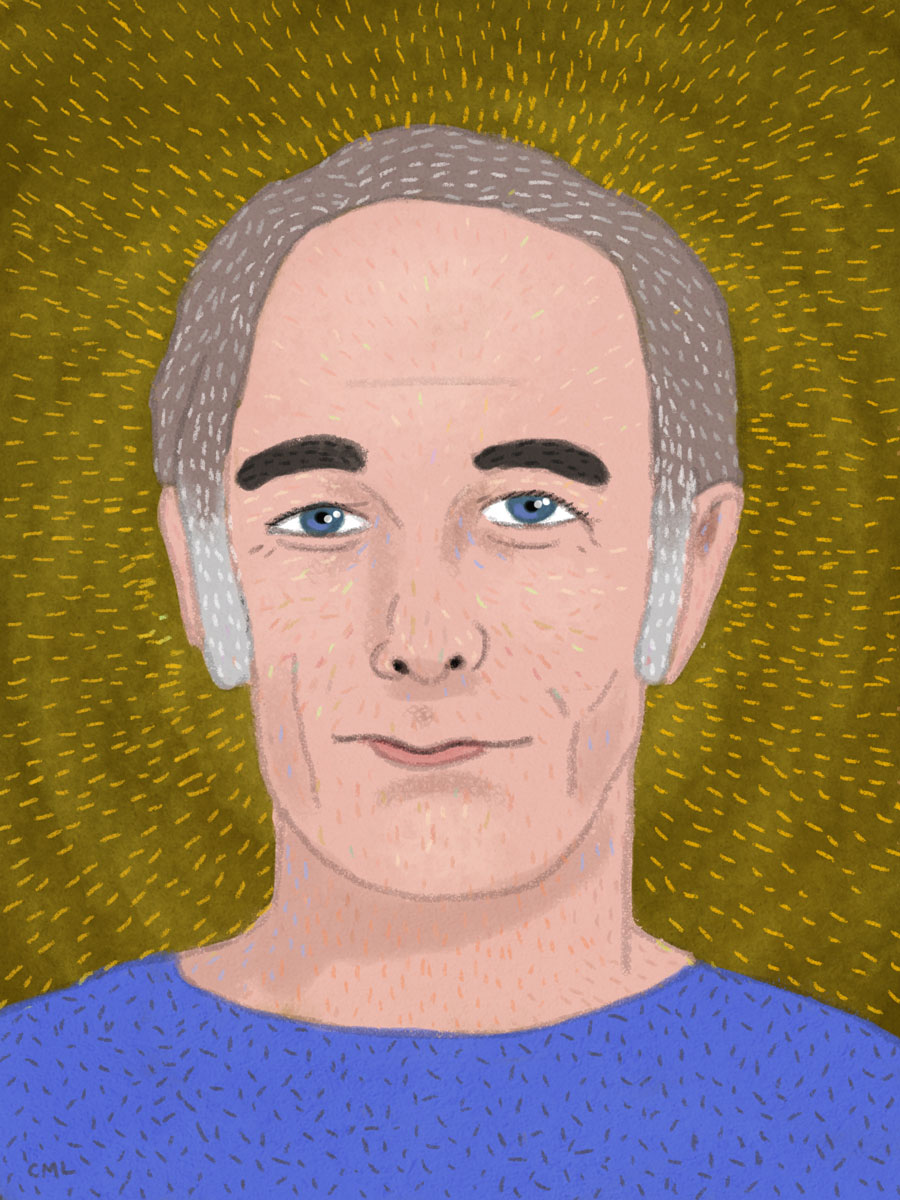
Friday, February 28th: Director and author John Sayles
See our Event of the Week column for more details, but in short, the one-and-only John Sayles is coming to Seattle Friday to promote his latest novel, Yellow Earth. Elliott Bay Book Company, 1521 10th Ave, 624-6600, http://elliottbaybook.com, 7 pm, free.
Thursday Comics Hangover: Anne of Green Gables is the original superhero

The graphic novel adaptation of Anne of Green Gables is by no means new — it was published in October of 2017 — but it's certainly new to me. I happened across it while browsing at Lion Heart Book Store in Pike Place Market, and it was an immediate sale.
The optimistic, obstinate Anne Shirley is one of the greatest characters in literary history, and she's proven resilient enough to survive even the clumsiest of adaptations — including Anne with an E, the gritty TV series adaptation of the book that made its American premiere on Netflix a few years ago. Even the unnecessary darkness of Anne with an E couldn't overpower the exuberance and hope of Amybeth McNulty's performance as Anne. It's as though Anne's indomitable spirit refuses to be warped by anyone — even adapters who misunderstand the point of her story.
I'm happy to report that writer Mariah Marsden and illustrator Brenna Thummler have done Anne Shirley proud with their Anne of Green Gables comic. Their Anne is every bit as tempestuous and adventurous and fiery and mercurial and free as the Anne in L.M. Montgomery's original novel. When she sulks, her body warps into itself like a question mark. When she rages at an injustice, she lashes out in a full-page spread with her pointy elbows flying at wide angles. When she exults in nature ("I'm so glad I live in a world where there are Octobers!") her joy is contagious.
Thummler's artwork goes a long way toward helping the reader feel Anne's sense of wonder. This is a beautiful book; as the seasons pass by the Cuthbert's farm, the pages are enveloped in lush greens, glowing whites, and flaming oranges. Our perspective is always shifting toward and away from the characters: we see Anne's expression in tight closeup on one page, then the next reveals a double-page spread of rolling hills and majestic forests, with two small figures off center, dwarfed by nature. The comic at once embraces Anne's perspective and also turns that perspective outward, to soak in the splendor of the world outside.
Some adaptations of Anne of Green Gables — looking at you, Anne with an E — focus too much on the relationship between orphaned Anne and the aloof Cuthberts, treating the story as though it's a friction-filled will-they-or-won't-they drama. Those interpretations of the story hinge on the ridiculous idea that the adoptive parents might shun their charge, returning her to the orphanage when she behaves badly.
Marsden's adaptation, though, understands that Anne of Green Gables is a story of love at first sight: the instant the Cuthberts realize that a mixup has delivered Anne to their door, they unconditionally welcome her into their hearts forever. Instead, Anne of Green Gables is the story of a family gradually learning how to express their deep and abiding love to each other. And as they improve their ability to communicate with each other, Anne learns how better to express her boundless love for the world.
By skillfully adapting this familiar story to yet another medium, Thummler and Marsden are expanding the family's love language to encompass even more of the world. More than 110 years since Montgomery first wrote her to life, Anne keeps growing and learning and loving.
Book News Roundup: "Hot Pockets heiress" mania sweeps literary Twitter, because why not?
Seattle Public Library is now accepting applications for a six-month residency in its Eulalie and Carlo Scandiuzzi Writers' Room, which is located on the 9th floor of the downtown library. It's a shared "beautiful, contemporary light-filled space with large windows looking southwest. There are six writing desks, each with an adjustable chair, light, and outlet." Twenty writers have access to the room at a time; this would be ideal for research-intensive projects or for writers who are in desperate need of a place to do their work.
Author Myriam Gurba, who recently received a lot of attention for calling out the author of the memoir American Dirt, was placed on leave from her teaching job after she protested the treatment of some students on social media. The school claimed Gurba's actions were “disruptive to the school.” Now, Gurba's students are protesting her removal:
A group of fellow students and I started a protest at school because we need our voices to be heard. We will not be silenced any longer! pic.twitter.com/KxS02hDm4a
— jazzy jukes ☀️ (@jazmine_okay) February 24, 2020- Here's a wholly depressing tweet:
Can't stop thinking about how Jo got $20 for a short story sale in Little Women, in the 1860s, and that's still a common payrate for short fiction now, in the year of our discontent, 2020.
— do i dare to eat a 🍑 (@NicasioSilang) February 25, 2020 - Also on Twitter, literary folks responded to a news story about a college entrance scam allegedly perpetrated by the heiress to the Hot Pockets fortune by writing the words "Hot Pockets heiress" into famous novel introductions thanks to a challenge by Allison Epstein:
Challenge: take the first line of a famous novel but replace one of the nouns with "Hot Pockets heiress."
— Allison Epstein 🐝 (@rapscallison) February 25, 2020
I'll go first:
"You better not never tell nobody but the Hot Pockets heiress." https://t.co/YqMKhMNgLd - Washington poet Sean Cearley, who produces brilliant experimental poetry under his own name and as "Luscious Dick Tacoma," took Epstein's challenge to its (il)logical extreme by finding every instance of "Trout Fishing in America" in Richard Brautigan's novel Trout Fishing in America and replacing it with "Hot Pocket heiress." It really changes the book in some dramatic ways.
Do the founders of Cheap Wine & Poetry still have what it takes to bring a boozy good time to Seattle's literary scene?
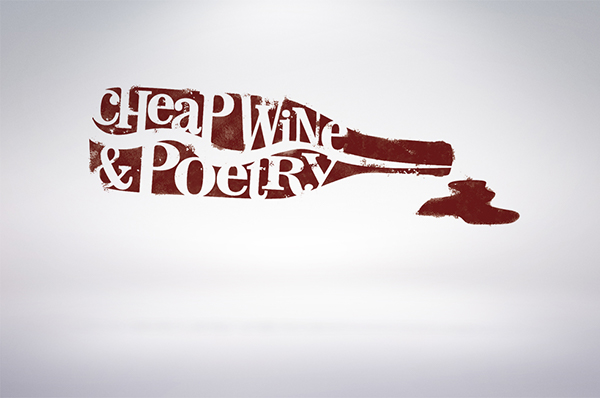
It's been four years since the Cheap Wine & Poetry and Cheap Beer & Prose reading series ended a long run at Hugo House. Founded by local authors Brian McGuigan and Steven Barker, and hosted by local writer/musician/comedian Jeanine Walker, CW&P enjoyed more than a decade at the top of the Seattle poetry scene — some of the region's most entertaining poets headlined each evening, along with a boisterous open mic fueled by big cups of wine that cost a buck a pop. The prose edition came along later, delivering the same rambunctious thrills with low-price, low-quality beer. It was the rare literary series that went out on top.
But now, McGuigan, Walker, and Barker are getting the band back together. Cheap Wine & Poetry will grace the stage at the renovated Hugo House for the very first time on March 19th, with a Cheap Beer & Prose relaunch following in May. The slate for the first three outings looks just as good as ever, with readers including Sarah Galvin, Laura Da’, Anastacia-Renee, Ruth Dickey, Mattilda Sycamore, and Casandra Lopez. Perhaps the only real sign that any amount of time has passed is the fact that the cheap wine now goes for two bucks a glass.
I emailed Walker, Barker, and McGuigan to talk about what's new (and what hasn't changed) for the series.
If I recall correctly, the last time a CWP or a CBP happened was 2016. Given that more than a hundred thousand people moved to the region since then, there's a fairly large group of people who have never experienced the series before. Can you explain the idea behind the series and why it's different from other readings you might find in Seattle?
BRIAN MCGUIGAN: Steve and I started Cheap Wine & Poetry back in 2005 when we were a couple of early 20-somethings trying to find our way in the local literary community. The idea behind CW&P (and later Cheap Beer & Prose) was to create a fun, unpretentious reading series that brought different communities of writers together to share their work for an audience who isn’t afraid to let loose. In one night, you can hear new writing from a slam poet, a formalist, somebody getting their MFA, and a literati. You can see a stand-up comic read angsty teenage poetry and an essayist share a deeply personal story about their dog’s death that ends with a Boston Terrier lip-syncing Fleetwood Mac on stage. This is a reading series where anything goes. The cheap wine and beer help with that. Plus, we have Jeanine Walker, who always makes shit fun. I cannot wait to take the stage and fill Hugo House’s fancy, new auditorium with woos.
JEANINE WALKER: CWP & CBP are very relaxed, with the intention of having fun while promoting some really fantastic writing. I always felt that my job as host was to "fluff" the crowd so they'd be having a great time — I like telling jokes! — and then the audience would feel extra prepared to hear a dynamite piece that might be sad or hard to hear or in many other ways moving. I love the contrast of the drinking/jokes from stage/fun with the excellent writing that is the reason we all come out in the first place.
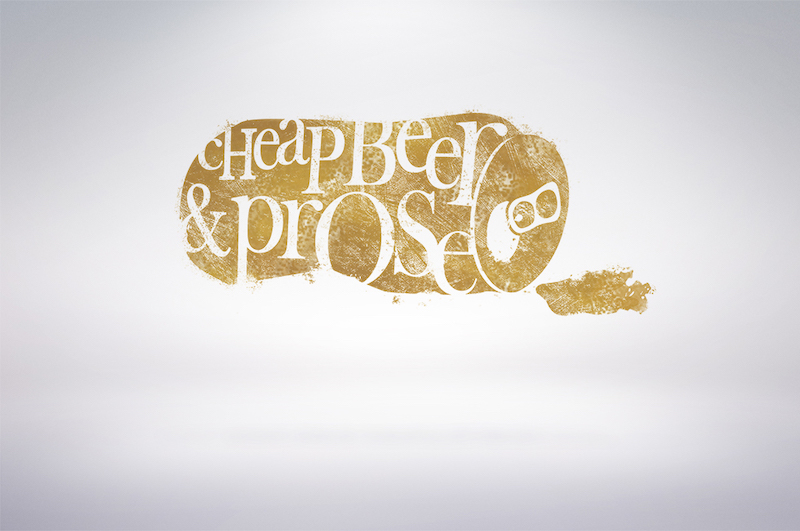
A big reason why I've always enjoyed the series is that you were great about finding and showcasing writers who were just about to break big locally. How do you find readers? Do you think you've still "got it" in terms of finding the Next Big Thing?
BRIAN MCGUIGAN: Just because we haven't been running a reading series doesn't mean we haven't been paying attention. We live in one of the most literary cities in the country. Both Seattle and the state as a whole are chockful of good writers.In my role at Artist Trust, I work with writers regularly and have gotten to know the work of quite a few who I’d consider the Next Big Thing, and Steve and Jeanine are super connected to the literary community and go to readings as well. Honestly, I think I’ve “got it” more than I ever had “it” before.
For the first few readings, we're bringing back some favorites like Jourdan Keith, Anastacia Renee, and Sarah Galvin as well as some first-timers, like Tessa Hulls (who just sold a graphic memoir that deserves your attention, Paul Bobby!), Paul Hlava, and Ramon Isao. We have a long list of writers we’re working through and have gotten emails from folks who have always wanted to read at this series. Finding the writers is the easy part. The inevitable hangovers are another story.
JEANINE WALKER: I've gotten to know a lot of high school writers over the years in Writers in the Schools and with the Youth Poet Laureate program, for which I've been one of the judges the past several years. Those writers are getting older and often the next big thing. I think finding the great writers is about observing, going to plenty of other readings, and reading our local literary magazines like Moss and PageBoy and Pacifica to find what we like by Seattle writers who are getting published and doing readings for these journals. And the open mic! In past years we've heard lots of people on the open mic who were great and went on to be featured readers (I am a former featured reader who first read at CWP on the open mic, in fact). We hope lots of people come to the open mic and stay out for it. It's an extra added fun part of every CWP & CBP.
What makes a great literary event?
BRIAN MCGUIGAN: Good writers who read well and leave the audience wanting more. Cheap drinks don't hurt but aren’t required.
STEVEN BARKER: A comfortable atmosphere, which is very much established by the host. Both the readers and audience should feel comfortable. Readers that put the same effort into reading their work as they do writing it. A diverse style of readers, too.
JEANINE WALKER: See my answer above, I would say. I think the best literary events a) have great writing and b) are innovative and fun in their approach. I love that drinks are dirt cheap and everyone can get drunk. But they don't have to! Because it's fun for everyone. I sometimes feel at events that people want to go to the bar but feel they'll miss things or they shouldn't because nobody else is, etc. ... we like building in time for getting drinks and encouraging it. So people who would rather not drink, that's great. And those who want to enjoy the cheap booze and have a fun time, we are all for that. It's a party! A get-your-literary-fix-in-spades kind of party. I'm so excited for it to start again.
Cheap booze tends to hit harder than the top-shelf stuff—especially as you age. Four years later, do you have any good hangover cures you'd like to share?
STEVEN BARKER: It's best to be proactive and drink water every other round. When I don't take my own advice, I put myself back together with a smoothie made with one banana, a fist full of spinach, 10 oz. of coconut water, a caffeinated-cherry flavored Nuun, and a half second pour of apple cider vinegar, with a B12 chewable chaser.
BRIAN MCGUIGAN: They say with age comes wisdom, but I'm almost 40 and I still haven't mastered the hangover cure. I drink a gallon of water every day, so that helps. For a real bad hangover, bacon or a Bloody Mary or a Bloody Mary with bacon.
JEANINE WALKER: I think the best hangover cure for me as I age is to not drink at all. Or not drink the cheap stuff. I can't drink PBR anymore, period. I will get sick. I'll definitely be trying the Chuck Shaw, but I'm not optimistic. Someone once told me bananas and coconut water help restore everything back to normal. I don't know. We'll see. I am a little scared for March 19.
Magazine subscribers beware: Condé Nast is running an auto-renewal scam
After I moved a couple years ago, I received a few magazine subscription offers in the mail. I decided to subscribe to a few magazines — The New Yorker, The Atlantic, Vanity Fair — to show my support for print media. I paid by check, and new issues started showing up soon after.
Much as it pains me to say it, the magazines mostly went untouched. Anything of interest in the print edition, I had already read online. Back issues piled up, and I would dump whole stacks in the recycle bin unopened. I decided to let the subscriptions lapse.
Last week, I got an aggressive letter in the mail advising me that my subscription for Vanity Fair has auto-renewed, and that I owe the magazine's publisher, Condé Nast, somewhere in the vicinity of fifteen bucks for another year of their magazine.
Here it might be valuable to explain to readers who have never subscribed to a magazine how the system has always worked: Readers paid for a predetermined block of issues — usually a year, sometimes two years, occasionally six months — and then the magazine would send renewal notices, urging the customer to buy another block of issues. Longtime subscribers often get better deals and perks in exchange for purchasing longer subscription blocks. If you didn't renew your subscription by the end of your old subscription, the magazine stopped coming.
This is still how it works with at least one magazine — Consumer Reports — that I still receive at my house every month. But in this case, I certainly never consented to automatic renewal of my Vanity Fair subscription, and I thought perhaps some con artist was trying to fleece me.
Turns out, a con artist was trying to fleece me, but that con artist was Condé Nast itself. Three days ago, I received an email from another Condé Nast magazine I subscribed to, The New Yorker, with a bill for 165 dollars that read, in part:
As part of the continuous service that you requested, your subscription has been renewed for one year. We are so glad that you’ll continue to receive the magazine that has so much to offer!
Of course, I didn't request continuous service. I simply didn't read the fine print on a two-year subscription that I requested.
Here's an auto-renewal notice I found for another Condé Nast magazine online with a much more blatant description of the new policy:
**Subscriber's Automatic Renewal Feature:** Your subscription will automatically be renewed after your initial term for a one year subscription unless you tell us to stop. Before the start of each renewal, you will be sent a reminder notice stating the rate then in effect. If you do nothing, your credit/debit card will be charged or you will receive an invoice for another subscription year. You may cancel at any time during your subscription and receive a full refund for unmailed issues.
This is some bullshit. It's a way for Condé Nast to prey on their existing (mostly elderly) clientele by turning the consensual subscription contract into a passive money-collection scheme.
Lawyers in California are in fact suing Condé Nast for this pernicious practice:
The Condé Nast class action lawsuit says this practice violates California law. Allegedly, California law requires companies to disclose auto-renewal programs conspicuously to customers before they make their purchases.
It's disgraceful to watch the print magazine industry go out in this way. We're already learning about the excess and the turmoil behind the scenes of print magazines, and now the last remaining big magazine publisher in America is running a scam on older Americans to keep itself afloat. Any sympathy that I once felt for Condé Nast has long since withered and died. Let them fade away, and good riddance.
The cognitive distance of memory
Published February 25, 2020, at 12pm
The act of reading Meng Jin’s Little Gods forces Julie Yue to grapple with a paradox of intimacy: how close strangers’ stories are, and how distant her own family’s history feels.
The American Dream
The American Dream tell everyone across the land
The American Dream come on over let’s take a stand
The American Dream tell everyone across the land
The American Dream come on over let’s take a standWhat is the American Dream?
Has it been lost in unequal education?
Racial disparity
Homelessness
Hopelessness
Crime and SelfishnessOne America
Two America
Three America
At what point did any one actually live the American Dream?When the men came over and claimed the land in which the Indians called home
When the ships docked and the brothers and sisters of Africa were stripped of their heritage
When Desert Storm, Vietnam, Civil, or the World War’s ended
When the veteran returned home only to be told there aren’t any resources available
When the laws passed; Separate but Equal, Brown verses the Board of Education
When the young man or woman was beaten for being gay
When prison became the only option
When you started to believe the world was changing because you finally got a black President only to be reminded that the nasty smell of racism is stronger than a mountain of horse manure
When the child was killed by the hands of his own mommy and daddy
When schools are no longer a safe place to learn and the streets is where to many call home
When cutting someone off on the highway became a death sentence
When the ozone began to erode away
When the hurricane struck, the flood waters rose, the flames of the fire was too hot to survive, or
When the birds fell out the sky or when the oil took over the sea
When English isn’t my first language became a reason to harass me
When winning a game is more important than wrinkling one’s brain
When being murdered at home, school, church, or work became a strong possibility
When fighting a war in another country has drained the economy
When buying a home is no longer an option
When cutting education from the budget is not considered justified homicide (genocide)
When men and women are gunned down for taking a stand
When the #1 news story is an actor on drugs, rather than a kid with a high IQ score
When it’s okay to have a man work under the table but making him a citizen is not available
When a member of the neighborhood watch can kill an unarmed kid and not be sentenced to jail
Is this the American Dream?
One America Two America Three America
At what point did any one actually live the American Dream?The American Dream tell everyone across the land
The American Dream come on over let’s take a stand
The American Dream tell everyone across the land
The American Dream come on over let’s take a stand
Chuckanut Writers Conference is back
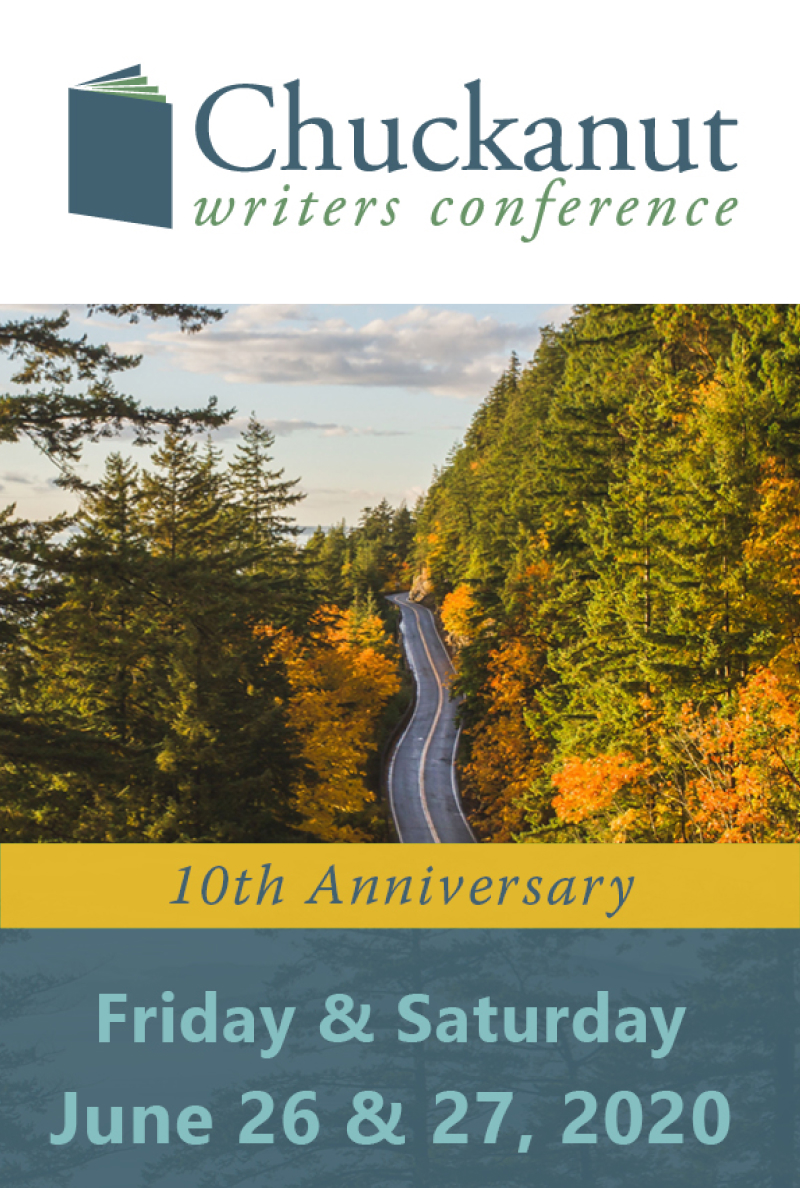
Returning sponsor Chuckanut Writers Conference is back, and you can register now for one of the best writers conferences in the Pacific Northwest.
There's a reason this popular conference returns year after year: amazing instructors, access to industry professionals, and the kind of intensive focus on your writing and craft that increase your ability to produce great work.
Plus, the location, in beautiful Bellingham, is sure to appeal. There's a ton more information on our sponsor's page.
It's sponsors like Chuckanut Writers Conference that keep the Seattle Review of Books running. Our sponsorships through July are now available, grab your date and find out why so many of our sponsor's return year after year.
Your Week in Readings: The best literary events from February 24th - March 1

Monday, February 24th: Weather reading
Celebrated author Jenny Offill comes back to Seattle to support her third novel, Weather, about a once-graduate student returning to help her once-mentor run a polarizing political podcast. Elliott Bay Book Company, 1521 10th Ave, 624-6600, http://elliottbaybook.com, 7 pm, free.
Tuesday, February 25th: Whistleblower reading
Susan Fowler was an entry-level engineer at Uber before going public about the sexual harassment and retaliation she encountered at he firm. Much of the reporting done on how awful the culture is at Uber is due to her coming forward and demanding something better. Town Hall Seattle, 1119 8th Ave., 652-4255, http://townhallseattle.org, 7:30 pm, $5.
Wednesday, February 26th: Last of Her Name reading
Having just published Last of Her Name, her first book of stories, San Francisco writer Mimi Lok will be joined on stage by writer, and founder of The Seventh Wave, Joyce Chen. Elliott Bay Book Company, 1521 10th Ave, 624-6600, http://elliottbaybook.com, 7 pm, free.
Thursday, February 27th: Until the End of Time reading
Theoretical physicist, mathematician, and New York Times bestseller Brian Greene comes to Seattle to speak about his latest book on science's attempt to find meaning in the universe. He'll be joined by KUOW's Ross Reynolds. Presented by University Book Store: University Temple United Methodist Church The Sanctuary, 1415 NE 43rd Street, 7pm, $30 (includes a copy of the book and two admissions).
Friday, February 28th: Director and author John Sayles
See our Event of the Week column for more details. Elliott Bay Book Company, 1521 10th Ave, 624-6600, http://elliottbaybook.com, 7 pm, free.
Saturday, February 29th: O—(ezekiel’s wife) reading
CR Grimmer will be celebrating the release of their new chapbook, along with poets Ching-In Chen, Patrick Milian, and former Seattle Review of Books Poet in Residence, Abi Pollokoff. Open Books, 2414 N. 45th St, (206) 633-0811, 6 pm, free.
Sunday, March 1st: Cosmozoa Making of a Mind concert
Feeling adventurous? Take a chance on this "concert and mythical scientific storytelling" event with "electrochamber" group Cosmoza playing songs interspersed with short scientific talks from WWU and UW biology professors, Lina Dahlberg, PhD, and Ben Wiggins, PhD. Columbia City Theater, 4916 Rainier Avenue South, (206) 722-3009, 7:30pm, $15
Literary Event of the Week: Yellow Earth reading at Elliott Bay Book Company
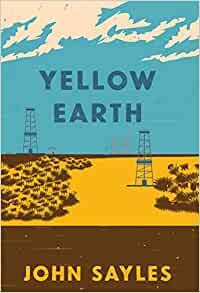
Screenwriter, author of two short story collections (including the sublimely titled The Anarchists' Convention), and iconoclastic guerrilla filmmaker John Sayles will be in Seattle Friday to promote the publication of his fifth novel, Yellow Earth.
Sayles has a remarkable talent for zeroing in on the competing interests in political situations, and with Yellow Earth he looks at land rights, treaties, and the politics when shale oil is discovered beneath the town Yellow Earth, which abuts the Three Nations reservation.
Evoking indigenous fights over land rights, a current topic with the Dakota Access Pipeline, and the Mauna Kea protests from Native Hawaiians, the topic is a ripe topic for the focus of someone as concerned with inequity politics as Sayles.
From Matewan, exploring the Battle of Matewan, when West Virginian miners attempted to hold their own against a detective agency hired by mine owners, to Sunshine State, which explored racial dynamics in Florida and how we treat African American boys, Sayles has always had a keen knack for turning his camera and focus on the absurd injustices in (mostly, but not always) the United States.
He's also notable as a Hollywood film consultant, and talks often about taking the payouts from working on wide-release feature films, and turning them into funding for his unique and vibrant indie films, a real-world narrative Robin Hood.
Sayles has been in Seattle before, but this is a pretty rare appearance. Yellow Earth is his first novel since 2011's A Moment in the Sun (his last film was 2013's, Go for Sisters), and given the pace of his writing and directing, who knows when the next opportunity will be.
Sunday Post for February 23, 2020
Each week, the Sunday Post highlights just a few things we loved reading and want to share with you. Settle in with a cup of coffee, or tea, if that's your pleasure — we saved you a seat! Read an essay or an article online that you loved? Let us know at submissions@seattlereviewofbooks.com. Need more browse? You can also look through the archives.
What I thought was going to be a relaxed work week turned out to be full of big, amorphous projects. It felt very overwhelming. I would come home and stew with my eyes glazed over, scrolling through the never-ending content engine of the Internet. Strangely (or perhaps not strangely at all—eek!), the algorithms of Twitter and Youtube guided me to these three pieces. Though disparate and not exactly fresh off the presses, they are all about how little things build up to big, complex, and magnificent ends. They are about the craft of writing and research, the way the mechanics of music turns a sonata into storytelling, and how amateurs build the collective knowledge of the internet. They reminded me of the value of incremental work when things felt hard and mediocre and small, when my brain couldn’t work hard enough or fingers fast enough.
Robert Caro, The Art of Biography No. 5
Writing is hard. It’s marketed as an art form, but that’s only the final product. Most of the time it’s sawing and whittling. I have to massage the tailless thoughts in my head into coherent sentences, move paragraphs around over and over again until they form an internal logic. Here’s one of my favorite pieces from _The Paris Review_ that I reread this week: the biographer Robert Caro’s interview, where he shares his rigorous, intensive process to even begin to write.
Before I start writing, I boil the book down to three paragraphs, or two or one—that’s when it comes into view. That process might take weeks. And then I turn those paragraphs into an outline of the whole book. That’s what you see up on here on my wall now—twenty-seven typewritten pages…. Then with the whole book in mind, I go chapter by chapter. I sit down at the typewriter and type an outline of that chapter, let's say if it's a long chapter, seven pages—it's really the chapter in brief, without any of the supporting evidence. Then, each chapter gets a notebook, which I fill with all the materials I want to use—quotations and facts pulled from all of the research I've done.
Beethoven’s Spring Sonata: Interpretation Classes, Boston Philharmonic Orchestra
Benjamin Zander, conductor of the Boston Philharmonic and music teacher, is one of the most charismatic people on the internet (see this TED talk), and he hosts interpretation classes for students and audiences in the Boston Public Library. Zander brings his interpretation of the composer’s intention to the mechanics of the music: the tempo, the key signature, the specifics of the collaboration between soloist and accompanist. Watching any of these classes is a joyful experience as you witness an already excellent musician transform into an artist and storyteller. You can watch the whole series here.
Wikipedia is the Last Best Place on the Internet
I love Wikipedia, so I’m so glad to have found an ode to it. Sure, the online encyclopedia’s pages are not a valid citation, but on the whole it’s a great resource to find the basics of anything you care about: Japanese dwarf flying squirrels, the GDP per capita of Mozambique, Sophie Turner’s birthday, game theory. In this ghastly season of the Internet, it’s nice to know there are throngs of amateur pedants correcting each other to create a pretty damn good encyclopedia, the most comprehensive one in existence:
Wikipedia, in other words, isn't raised up wholesale, like a barn; it's assembled grain by grain, like a termite mound. The smallness of the grains, and of the workers carrying them, makes the project's scale seem impossible. But it is exactly this incrementalism that puts immensity within reach.
Whatcha Reading, Holly J Hughes?
Every week we ask an interesting figure what they're digging into. Have ideas who we should reach out to? Let it fly: info@seattlereviewofbooks.com. Want to read more? Check out the archives.
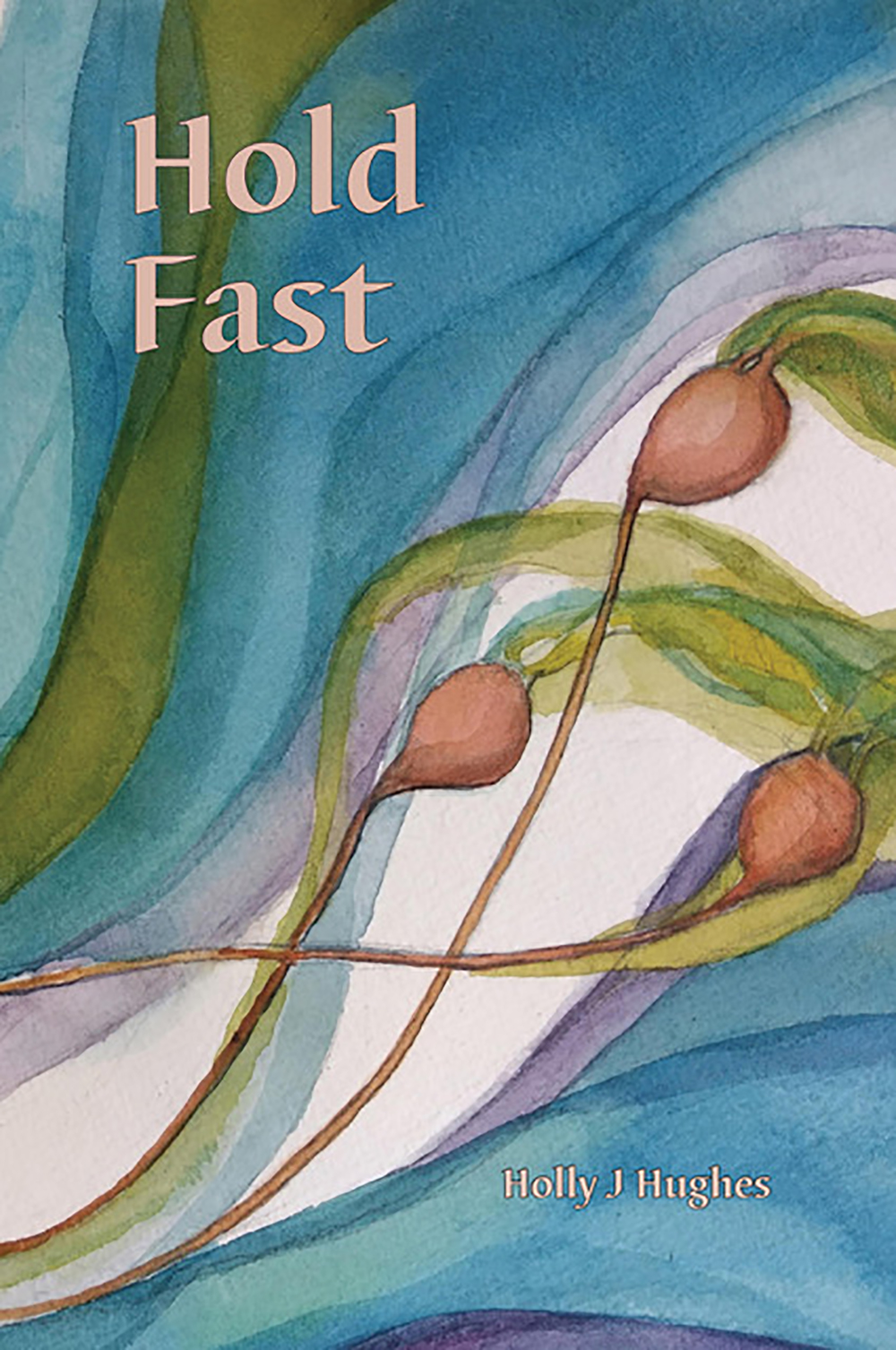
Holly J Hughes is a poet living on the Olympic Penninsula. A former skipper, Alaskan salmon fisher, and ship naturalist, she now teaches writing workshops and consults as a writing coach. The author of four books of poetry, Sailing by Ravens, Boxing the Compass, and Passings, her latest work Hold Fast was just released in January of 2020. She'll be appearing tomorrow, Sunday February 23rd, at the Elliott Bay Book Company at 7:00pm.
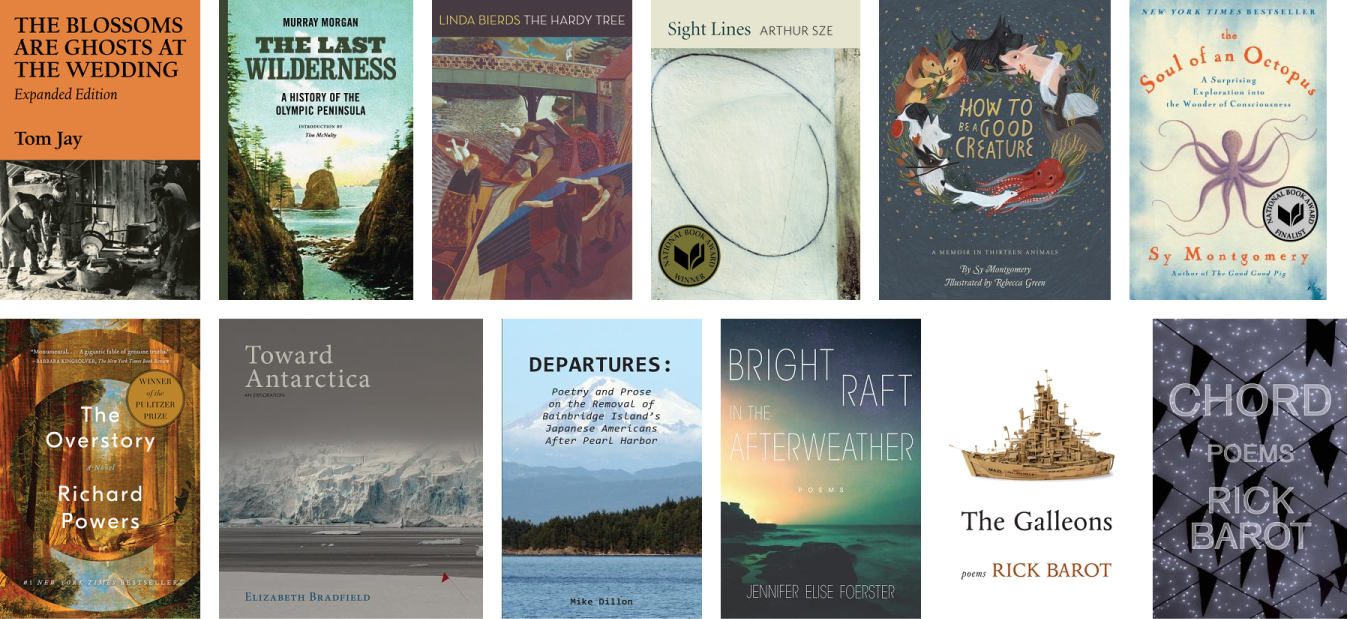
What are you reading now?
First, a confession: I never read one book at a time unless I’m traveling and even then, I take as many as I can cram into my backpack (poetry generally wins—it’s easier to pack). And I confess that I often re-read books, so I have quite a list. This winter, I’m re-rereading books by writers we lost in the fall to keep their wisdom close. Tom’s Jay’s The Blossoms are Ghosts at the Wedding, was reissued in an expanded edition by Empty Bowl Press and now includes his classic Northwest essay, “Salmon of the Heart” as well as the more recent essay,“The Necessity of Beauty.” I share Tom’s fascination with the derivations of words, and admire how he manages to create a complex, conversational and relevant essay by following word roots back to their origin, as he does by exploring the definition of community, for example. My natural history book group is reading The Last Wilderness by Murray Morgan, which was re-issued with a foreword by fellow poet and friend Tim McNulty and I’m grateful for the chance to revisit it. (I was lucky to know Murray and can still picture his twinkling eyes and shock of white, slightly disheveled hair as I read his descriptions of the Iron Man of Hoh Valley, even if his descriptions of Chetzemoka might be questioned today). Linda Bierds’ The Hardy Tree came out in the fall from Copper Canyon Press but it’s a poetry collection that, as with all her meticulously researched and exquisitely-crafted collections, warrants careful reading and, in my case, re-reading. And when Arthur Sze’s Sight Lines won the National Book Award, I pulled it back off the shelf to celebrate, awed once again by the way Sze so seamlessly weaves together natural and human ecologies. (Check out his poem “Stilling to North.”) And yes, I’m reading nonfiction: Falter: Has the Human Game Begun to Play Itself Out? by Bill McKibben because I’m grateful for his steadfast dedication to activism. He takes on artificial intelligence and robotics in Falter, too, and the threat they pose to our sense of humanity, managing somehow to balance hard-nosed realism with a glimmer of optimism. And, as an antidote to despair, I’m reading How to Be a Good Creature: A Memoir in Thirteen Animals by Sy Montgomery because (I admit) I fell in love with the cover and the title—isn’t that enough?! So far, it’s exceeding my expectations with its even-handed blending of scientific fact, heart and humor. Whew.
What did you read last?
Another Sy Montgomery: The Soul of an Octopus (also for my book group), where my understanding of consciousness has been steadily raised to include not just the octopus, but most of our more-than-human neighbors, including trees and mycelium. (Yes, I read The Overstory, though it took almost a year—too big to fit in my backpack—and enjoyed the loosely interconnected stories of folks who love and listen to what trees have to say). For my poetry picks, I read Toward Antarctica by Elizabeth Bradfield, a refreshingly innovative travel memoir —equal parts documentary photojournalism, meditation, and elegy for the Lost Continent — which resurrects the Japanese haibun form and includes stunning color photographs chronicling the poet’s trips to Antarctica as a naturalist. (Disclaimer: my review is forthcoming in Terrain). I also appreciated the quietly powerful, haunting collection of poems—many of them prose poems—by haiku poet and former journalist Mike Dillon called Departures: Poetry and Prose on the Removal of Bainbridge Island’s Japanese Americans After Pearl Harbor for opening my eyes to what took place so close to home. And I’d wrapped up the summer with Bright Raft in the Afterweather, a second poetry collection from Jennifer Foerster, a member of the Muskogee nation, who dazzled me with her ability to simultaneously witness and redeem our broken world though the power of myth, story and haunting lyric.
What are you reading next?
I first read the title poem of Rick Barot’s The Galleons at least a year ago— and have been looking forward to the full collection since, having carried around his earlier collection Chord in my backpack for months. Now it’s out from Milkweed to well-deserved acclaim, so it’s at the top of the new reading pile. Next is Vanish, which won the Wandering Aengus Book Award, by Kevin Miller, another local poet I’ve long admired. And good news that former Washington State poet laureate Kathleen Flenniken’s Post Romantic is due out from University of Washington Press in the fall, so much to look forward to from our own talented poets. And in the meantime, I suspect a few more books will show up at my door, begging to be read—or re-read.
The Help Desk: The bookend of the affair
Every Friday, Cienna Madrid offers solutions to life’s most vexing literary problems. Do you need a book recommendation to send your worst cousin on her birthday? Is it okay to read erotica on public transit? Cienna can help. Send your questions to advice@seattlereviewofbooks.com. Cienna is off this week hiking in the Hermalayas, so this column is a repeat from 2016.
Dear Cienna,
My husband is having an affair. It is what it is, and we'll get through it. In fact, he doesn't even know I know, and I think I'll leave it that way. All the guilt has made him pretty attentive and sweet!
But here's the thing: whoever his mistress is, she has amazing taste in books. How do I know? Because overnight he went from solely military sci-fi to reading Eco and DeLillo and Borges, and having interesting conversations about literature with me. I never could inspire him step outside his comfort zone, but I never thought about what literature would engage him intellectually like this, either. She did.
Here's my problem: I want her to recommend books for me! She has to be a librarian or a bookseller. I just know it. I snooped his browser history and stuff, but he's more tech savvy than me and obviously being smart about this. Any advice? He could go off and philander with her all he wants, just as long as she recommends a big stack of good novels I could enjoy while he was gone.
Selina, Georgetown Heights
Dear Selina,
Congratulations, you have made me deeply uncomfortable, which is a difficult thing to do! I’m tempted to send you a polyp in a jar as a prize, courtesy of my clinically resentful uterus! (I’ve been waiting for an excuse to make polyp de gallo like those crunchy new mothers do. All I need is one human-shaped friend to share it with.)
So your husband may be gently humping Nancy Pearl or one of her equally well-read peers. I am sorry but not surprised; it is a Northwest bourgeois intellectual fear that many of us partnered book lovers share. But perhaps I shouldn’t be sorry – you don’t seem that sorry.
If you want book advice from your husband’s mistress without outing his affair, here’s the obvious answer: Ask him for book recommendations and let this bizarre game of telephone play out. He’ll ask her for advice post-gentle-hump, he’ll pass that advice along and you’ll hopefully get what you want.
But here’s some extra free advice from a woman whose idea of “personal growth” is stored in canning jars in her kitchen: Seeking out book advice from your husband’s mistress isn’t the healthiest pastime. You live in a city pulsing with book lovers, book sellers, bookstores and librarians. Perhaps you should seek out your own literature-loving unicorn and leave your husband to his own.
Kisses,
Cienna
The Portrait Gallery: Denali
Each week, Christine Larsen creates a new portrait of an author for us. Have any favorites you’d love to see immortalized? Let us know, or see if you can find them in the archives.

Saturday, February 22nd: Denali Reading
Ben Moon, whose relationship with his dog became a celebrated short film, reads from his memoir, Denali: A Man, a Dog and the Friendship of a Lifetime. Elliott Bay Book Company, 1521 10th Ave, 624-6600, http://elliottbaybook.com, 7 pm, free.
Criminal Fiction: A man turns up dead on a train
Every month, Daneet Steffens uncovers the latest goings on in mystery, suspense, and crime fiction. See previous columns on the Criminal Fiction archive page
Reading around: new titles on the crime fiction scene
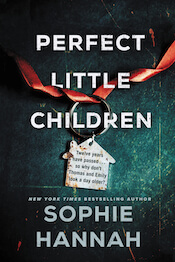
Sophie Hannah is at the top of her game with Perfect Little Children (William Morris), a standalone thriller which attains the seriously creepy and multi-layered complexity levels most closely aligned with her previous novels, Kind of Cruel, The Other Half Lives, and Hurting Distance. When hyper-curious Beth Leeson drives accidentally-on-purpose past her former friend Flora’s house, she has her ever-vigilant mind beautifully blown: though the families have not seen each other for 12 years, Flora’s children, Thomas and Emily, who should be in their teens, look like they haven’t aged at all. Hannah turns up one surprise after another in this densely plotted, propulsive read – I read it in one go – which includes super-crafty red herrings and leaves just one question hanging: when can we expect the much-anticipated return of her brilliant and wonderfully prickly detectives Charlie Zailer and Simon Waterhouse?
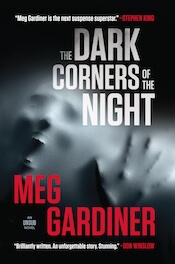
FBI behavioral analyst Caitlin Hendrix returns for her third case in Meg Gardiner’s The Dark Corners of the Night (Blackstone Publishing). While her boyfriend Sean Rawlins, an explosives expert with the Bureau of Alcohol, Tobacco, Firearms and Explosives, chases an elusive bomber known as the Ghost, Caitlin and her colleagues grapple with an L.A.-based serial killer known as the Midnight Man. Under cover of night, the Midnight Man creeps into family homes, murdering the parents, terrifying the kids, and leaving ghoulish drawings of eyes painted in blood. As the local police and the FBI work together to isolate the killer’s hunting ground and analyze the knottier differences between malignant paranoia, fanaticism, sociopaths and psychopaths, their pursuit of this shadow-man develops into a chill-inducing power struggle. Gardiner’s latest is yet another terrific – and terrifying – chapter in her UNSUB (unknown subject) series, currently being developed by Amazon Studios for our small-screen delectation.
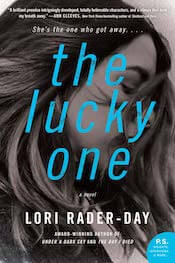
The psychological-thriller rabbit hole in Lori Rader-Day’s The Lucky One (William Morrow) is Mariana Trench-deep. Alice is a one-time kidnap victim who works for her father’s construction business by day and surfs a website called The Doe Pages by night, perpetually fascinated by the stories of unidentified and missing people. Meanwhile, Merrily, whose dull job leaves much to be desired, spices up her life by showing off her long legs online in exchange for the helpful ka-chings that enliven her bank account. When the face of Alice’s kidnapper turns up on The Doe Pages, the stage is set for a particularly intricate mystery that attract both her and Merrily’s attentions. Rader-Day is a master at creating an immersive atmosphere of page-turning suspense; she also excels at structuring fictional puzzles that positively buzz with possibilities, clever mis-directions, and, finally, perception-shifting revelations. The Lucky One is Rader-Day’s fifth thriller; I am already happily looking forward to her sixth.
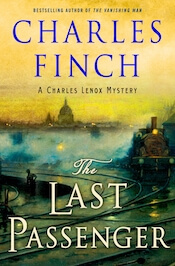
A baffling murder has Charles Lenox and his Scotland Yard acquaintances puzzling over a frustrating dearth of clues: a man turns up dead in a train carriage with all of his clothing labels neatly removed. Who is he, and why was he killed? The Last Passenger by Charles Finch (Minotaur), set in late 1855 and early 1856, smartly incorporates the heated political scene in America – though slavery has been made illegal in the British Empire, that abhorrent enterprise still flourishes in the States – while involving Lenox in a multiple-element mystery that just won’t quit. In this final segment of a prequel trilogy to the Lenox series, our young detective has more than one conundrum on his hands: Lenox’s best friend Lady Jane has determined that it’s time for Lenox to marry, and one Kitty Ashbrook appears to be interested. But what of Lenox’s own matters of the heart? And, as always, Finch’s historical novel is alive with the kind of salient details – from word origins to new food trends – that imbue his books with an engaging and engrossing vitality.
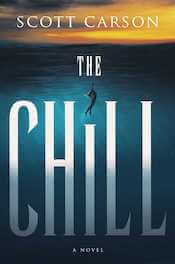
Nature clashes with the supernatural to biblical proportions in The Chill by Scott Carson (Emily Bestler Books/Atria). In New York City, Deshawn Ryan works deep in the bowels of the urban underground, helping to build Water Tunnel Number 3: once it’s completed, it will advance the city’s water system – at least, that’s the plan. Meanwhile, up in the Catskill county of Torrance, location of one of the region’s multiple reservoirs, Sheriff Ellsworth struggles to re-connect with his wayward son, Aaron, as a weather system brings torrential rain to their area. Gillian Mathers, Deshawn’s daughter, is a detective sergeant with New York City’s Department of Environmental Protection Police who is currently stationed in Torrance. As Carson’s story unfolds in a format akin to those wild and wonderful ’70s disaster movies – think Earthquake, The Poseidon Adventure, Airport, and the Towering Inferno – his various characters realize that their destinies have been inextricably tied together since their grandparents’ time: when their local Chilewaukee Reservoir was created some 70 years earlier, a village called Galesburg was flood-buried under the water. Carson, a pseudonym for thriller writer Michael Koryta, deftly weaves contemporary issues of property, settlement, fanaticism, and colonization through this novel of suspense, long-simmering hostilities, and cold-blooded revenge.
The Quintessential Interview: Elizabeth Little
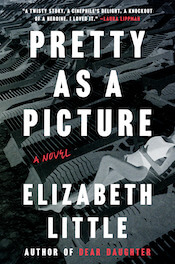
Half the fun in Pretty as a Picture – Elizabeth Little’s follow-up to the excellent Dear Daughter – lies in its narrator’s singular, knowledgeable, and savagely funny voice: Marissa Dahl is a film editor with an infinite number of canny and clever movie references at her Hollywood-steeped fingertips. She’s also prickly as hell, and when she’s hired onto a super-secret film project helmed by the notoriously challenging director Tony Rees, the soundstage is set for emotional fireworks, industry scandals, and murderous shenanigans. A suspenseful thriller with an entertaining play on the locked-room mystery trope, Pretty as a Picture more than cements Little’s reputation as a spectacularly sharp and captivating writer.
What or who are your top five writing inspirations?
Steph Cha, Kellye Garrett, Alex Segura, Greg Herren, and Lori Rader-Day – I’m lucky enough to be friends with these five powerhouses, all of whom are doing such great work on so many fronts. They are amazing writers and powerful advocates, and I am so grateful I get to learn from them (and also goof around with them online).
Top five places to write?
My desk, with the space heater aimed directly at my toes. This inexplicably comfortable wicker chair I got ten years ago from IKEA, with my laptop on a footstool and my cat on my lap. A quirky coffee-shop out by my kid’s school—assuming I get the one table I like. Anywhere, if it’s across the table from a friend. On my phone, in the bathtub.
Top five favorite authors?
This list is ever-changing—probably depending on what I would most like to be writing in any given moment—but today I’d say: Shirley Jackson, Ursula K. Le Guin, Zadie Smith, Patricia Highsmith, Mel Brooks.
Top five tunes to write to?
I write almost exclusively to movie soundtracks. My favorites are There Will Be Blood, The Social Network, If Beale Street Could Talk, Paterson, Phantom Thread.
Top five hometown spots?
I’m a relative newcomer to LA – nine years and counting! – but my favorite spots to while away an hour or three are House of Pies, the Fern Dell Nature Trail, Alcove Cafe’s side patio, the Vista Theatre, and Dodger Stadium.
Thursday Comics Hangover: As above, so below
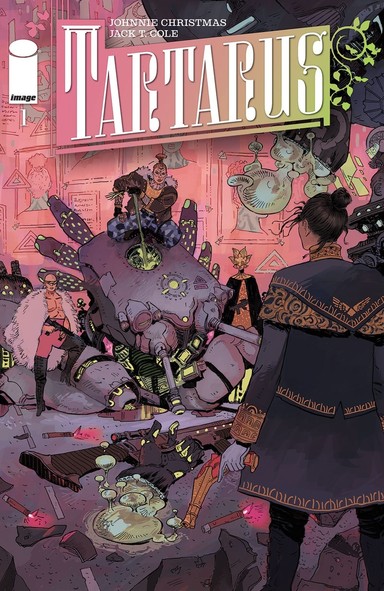
The marketing copy calls it "A new adventure series with all the sci-fi drama of Breaking Bad set in Mos Eisley!" which seems a bit chipper for the dark energy wriggling and vibrating and then peeling off the page in the first issue of Tartarus, a new comic published by Image.
Classicists among you will be chuckling, since the comic takes its name from the abyss of deep suffering from Greek mythology where the Olympian gods vanquished the Titans. So the saying goes, a bronze anvil falling from heaven would take nine days before it reached the Earth, and another nine before it reached Tartarus.
But, lucky for you, instead of anvil-dropping you can just stroll over to your local store to check out the comic. The first mega double-fat issue of the comic was released last Wednesday, and I just had a chance to sit and look through. In it, Tartarus is a deep, vertical, underground prison. At the very bottom is the "Abyss", which a helpful (and cool) schematic map tells us is an "isolation unit reserved for the most dangerous inmates."
We start there, and a prisoner named Surka — does her name breathe terror into your heart? It sure seems to mean a lot to the people who work in the prison — is attempting an escape. More than that, I'll leave for you to read. But I will mention that her reason for escaping is legit.
The first issue is divided into two parts, penned by Johnnie Christmas and drawn by Jack T Cole — which was confusing for a minute, because Christmas is accomplished artist in his own right, with a number of series under his belt, including the recent telling of William Gibson's infamous Alien III script in comic form.
But Cole handles the art this time around, and with Christmas' graphic sensibility driving the script and action, Cole has a lot of opportunities to go big. The result is a tight, intricate, explosive and energetic book, that has some definite early Heavy Metal energy in the styling, but without all that distracting and annoying misogyny. In a closing note, Christmas is careful to call out letterer Jim Campbell, editor Stephanie Cooke, and designer Ben Didier, responsible for the aforementioned map.
Amongst the swirling energy is a story founded on some real character development, sure to play out in the next few issues. It's a book you have to take slow, sometimes the connecting tissues between panels is assumed, and you are dropped into a world more than lead into it. Just going with it is the right answer, and there are plenty of reveals and pleasures along the way if you do.
So, I don't know if my elevator pitch would be "Walter White means Kylo Ren", but if you like intricate, rich world building in your comics — a hint of something that feels like the narrative is only poking through the skin of what's possible, you're going to dig Tartarus as much as I did.
Book News Roundup: True grit for librarians, graphic artists, and local novelists
- Charles Portis died this week at 86. America’s “least-known great writer” (as his New York Times obituary called him), he was the author of five novels. Most famously, True Grit, which was first serialized in The Saturday Evening Post, and most recently, adapted into a film by the Coen Brothers. Portis had been suffering from Alzheimers for a number of years, and he had been famously reclusive as his fame grew, which makes this line all the more remarkable: "He steadfastly refused to be interviewed, although he made himself available to talk about his life for this obituary."
-
Local librarian extraordinaire Nancy Pearl has, along with her husband, endowed a fellowship at UW for future public librarians. Congratulations to this year's recipient, Jacqui Howell. Kudos to the Pearls, and to all those who seek careers in public libraries. We think you're wonderful.
In order to give back to a profession that I love, my husband and I endowed a fellowship for an MLIS student at the ISchool at UW who wants to work at a public library. This is me with this year’s recipient, Jacqui Howell pic.twitter.com/5d7AE8FXvE
— Nancy Pearl (@Nancy_Pearl) February 17, 2020 - Novelist, and Seattle Review of Books regular, Donna Miscolta has announced her third book of fiction: Living Color: Angie Rubio Stories, coming out this fall from Jaded Ibis Press. Donna reveals some of the great blurbs she pulled on this blog post. Congrats, Donna!
-
You may have seen Todd Alcott's work before — he's a screenwriter-turned-graphic-artist who takes song lyrics from his favorite bands and turns them into parodies of archival pieces of history. His recent cover of Black Hole Sun, a mythical pulp SF book from the 60s, really hit the tone right on the head. His Etsy store is a ridiculous cornucopia of delicious odes to music and graphics of the past.
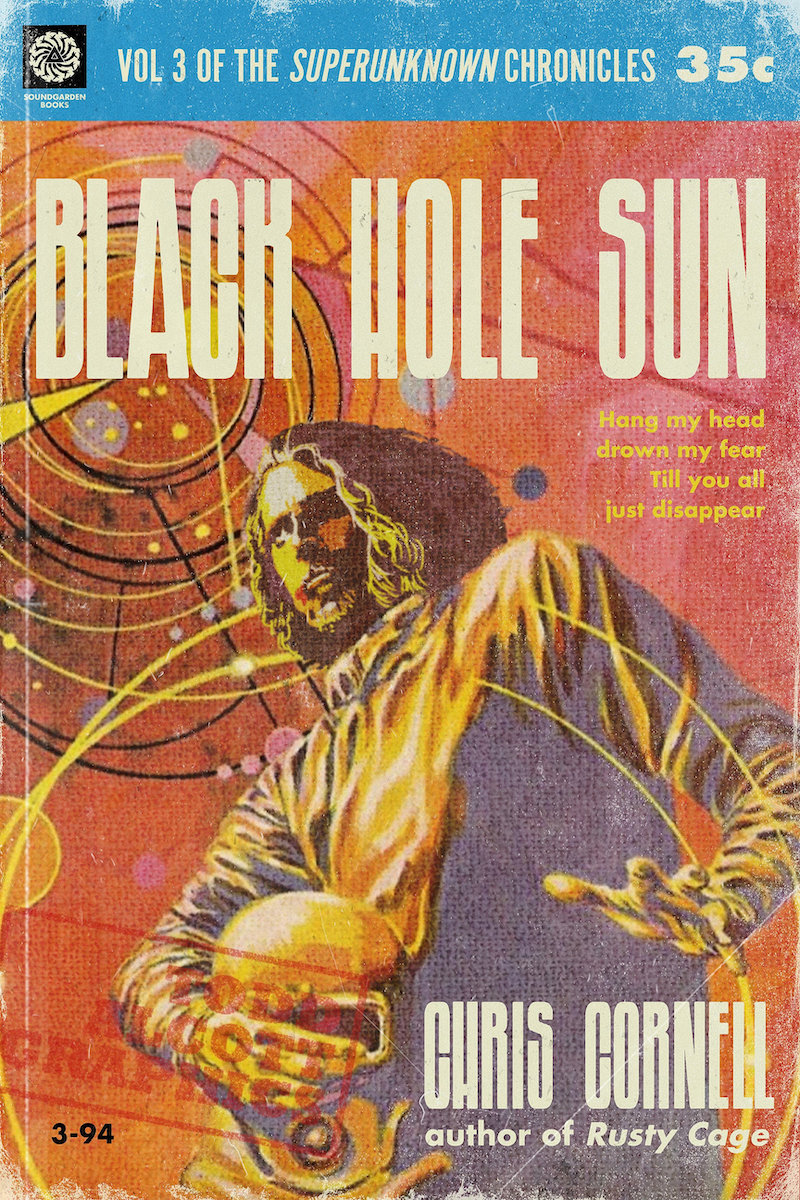
Chatting with Mercer Street Books new owner, Jessica Hurst
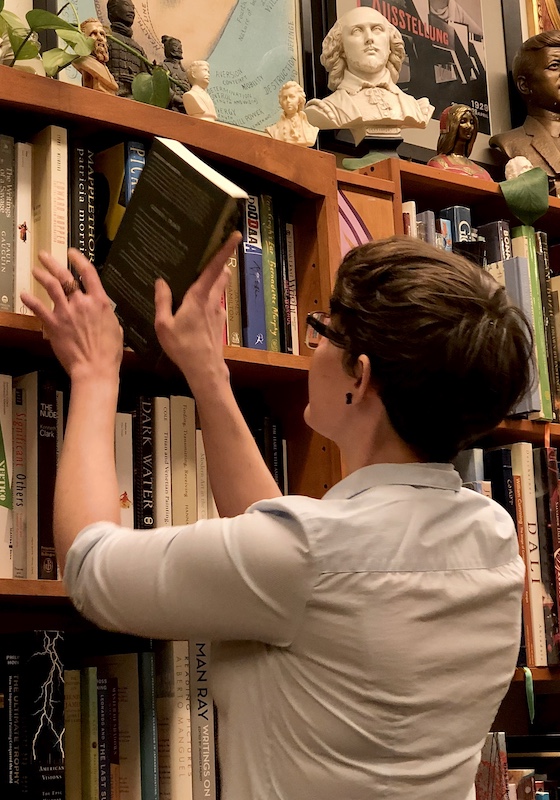
It was a year ago last August that Mercer Street Books proprietress Debbie Sarow passed away. If you've been in the store in that interim, you'll know that it is still a vibrant, working literary space. It is still the shop that Debbie created, imbued with many of her signature flourishes. But, it is also under new ownership, and the observant eye will notice some interesting shifts.
As of January 1st this year, Jessica Hurst is the new owner of the store. Debbie hired Jessica, and asked if she would take over.
"Debbie did ask me if I would buy the store, and her partner and I have been making sure that's the right thing for the shop, and me, and everyone involved over the past year. I think it was evident to both of us very early on that there was no point in second guessing Debbie's judgement.
"I cared about the store enormously and had been Debbie's employee for long enough that I could carry it on in the way that she had hoped to run it herself. I knew what was important to her, and what was important to her is important to me, so it worked out."
One new thing: you might meet Lincoln, Jessica's 12-year old corgi, who sometimes accompanies her to the store. Debbie — who was notoriously cautious of dogs — did meet, Lincoln, once. After seeing him respond to her hesitation and go lay down in the other room when told, Debbie commented "that's as charming as a dog can be and still be a dog."
Debbie had a unique reputation, and a specific vision on what the store should carry. "She had these ideas about the right mystery authors to buy, and the kind of classics that aren't as important to everyone anymore, but it was very important for her to have. In a world that ceaselessly questions the canon, she was intensely canonical and very well educated about the canon."
While Debbie's history was all in used and antiquarian books, Jessica started her bookselling career at Third Place Books, before working at Lamplight in the Pike Place Market. "What I see people buying is different than what she saw people buying. Her education in bookselling predated [her buying the bookstore] by quite a bit. I would not be caught dead saying that she was wrong, and she found what worked for her and the store. She did extremely well by the store, but there were things that she underestimated.
"I find the books for queer folk and social justice books are appreciated, and that wasn't something that was the store's main focus. I find that they sell well enough that the queer books that I brought in disappeared immediately. The section is always half-full, about which I feel some guilt.
"I hope new people will feel so comfortable in the shop that they will take some ownership of it and start bringing books in. It really is the big difference between new and used books. There's an investment: you bring books back. You say, well this is my local used bookstore and this is what I'd like to see in the shop. You bring those books in, send them on to somebody else in your community who maybe needs them."
So, how has the shop been doing in the past year-and-a-half?
"I think it's worth knowing that it was our 10 year anniversary last year, we're excited to acknowledge that extraordinary milestone and book selling in the shop is doing well.
"I would be really remiss in not expressing my extraordinary gratitude for lower Queen Anne and upper Queen Anne, and all of the regulars that come from rest of the city and all of the regulars that come from around the world. I've never felt so embraced by a group of people — so supported. It's watching how much love they all have for the bookstore, and how much love they had for Debbie, but also how much gratitude is there that the bookstore continues to operate. People who are deeply invested in the store bring books in all the time. It's completely extraordinary. I just have never seen anything like that, to be honest.
"I'm overjoyed to discover it, to discover a little piece of old Seattle nestled at the foot of the Space Needle."
Sponsorship dates are now live!

Our sponsorships slots through July are now on the site! You’re able to pick and book the date that works best for you, save for the ones already reserved by previous sponsors. We always give our previous sponsors first pick, and a discount, to thank them for supporting the Seattle Review of Books.
You, too, can join them and get this perk, as well as the knowledge that you’re effective advertisement got in front of the eyeballs of Seattle’s most passionate book readers. Not only that, your money went to paying writers, poets, and reviewers that make up our pages.
Sponsorships are full week buyouts, so your message is top of the page for everyone. For that kind of coverage, our prices are ridiculously low. Take a peek and find a date that works for you. Can’t wait to see your project!
Learning from beetles
Published February 18, 2020, at 12:00pm
Five years ago, we fell in love with Bug Boys after finding Laura Knetzger at Short Run Comix + Arts festival. Now, a new large press edition of her work has come out. Has it changed the way we feel?
Black
I’ve been thinking about being a Black woman in today’s society. I don’t know what it means to be a Black woman in today’s society. I don’t know what it means to be a white woman An Asian woman An Indigenous woman A Latino woman A Mexican woman A Filipino woman So why must you call me a woman of color Why not acknowledge my Blackness for what it stands for It’s a culture that if you’re not in my skin You will never know what it feels like Respect my culture Don’t lump me with every one else And don’t disregard the richness of who they are by not acknowledging their heritage I’m so sorry that you want us to have this alliance But what is an alliance if it doesn’t truly acknowledge who I am And what my ancestors fought for the rights for me to have The right to know longer be called a slave Colored Negro Nigger Nigga Look at my color and know from this point on that I am 200% Black Black from the inside out From the outside in This woman in front of you is Black So don’t transpose Colored To person of color Because by saying person of color You instantly tell me that you don’t see me And you don’t see the Asian, Indigenous, Latino, Mexican, and Filipino women’s cultures. Respect us as a group and if we must come together as a group then call us Cultural Women. Hold up…HELL ASK US WHAT WE WANT TO BE CALLED But I refuse to allow you to continue to dictate what I will be called or how I shall refer to myself. I AM A BLACK WOMAN. I prefer and demand you call me BLACK Woman. No longer shall I be referred to as African American, Negro, Colored, or Nigga. I am Black I am a woman and I am Proud.
Your Week in Readings: The best literary events from February 17th - February 23rd
Monday, February 17th: The Falcon Thief Reading
When authorities catch a peregrine falcon egg smuggler at the beginning of The Falcon Thief, they uncover a globetrotting adventure that is so weird it can only be non-fiction. Third Place Books Seward Park, 5041 Wilson Ave S, 474-2200, http://thirdplacebooks.com, 7 pm, free.
Tuesday, February 18th: Sharenthood Reading
Leah Plunkett's new book is about whether you should plaster pictures of your kids all over the internet, or if you should maybe wait until they're consenting adults to toss them to the internet like a sacrificial lamb. Town Hall Seattle, 1119 8th Ave., 652-4255, http://townhallseattle.org, 7:30 pm, $5.
Wednesday, February 19th: Author in Chief Reading
See our Event of the Week column for more details. Elliott Bay Book Company, 1521 10th Ave, 624-6600, http://elliottbaybook.com, 7 pm, free.
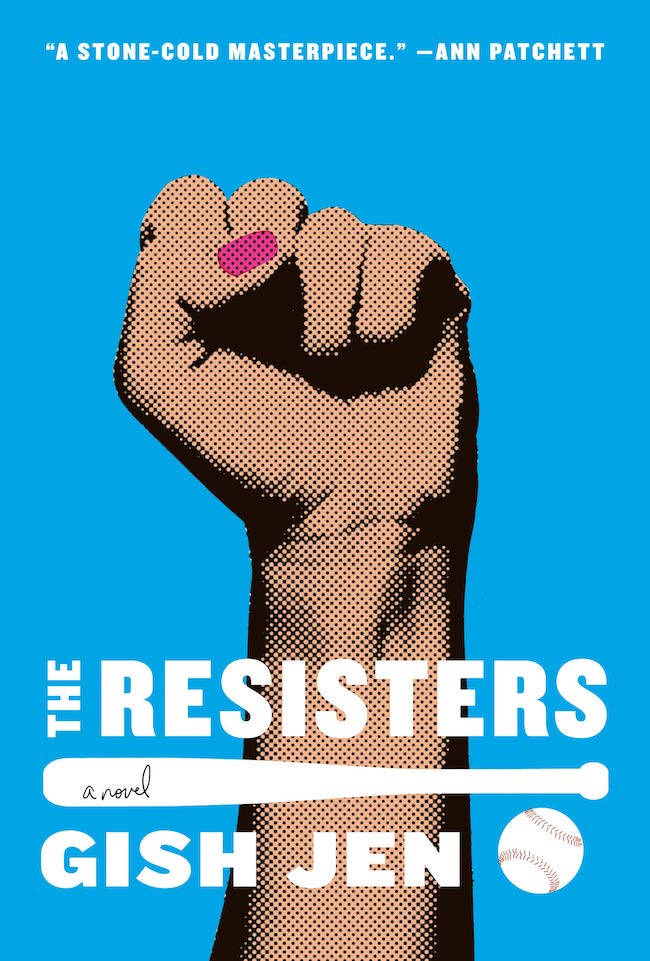
Thursday, February 20th: Politics & Possibility
Celebrated author Gish Jen discusses the horrific midpoint in the Venn diagram between Trump and art. How much politics is too much politics? She'll provide a definitive answer tonight!
Hugo House, 1634 11th Avenue, 322-7030, http://hugohouse.org, 7 pm, $15-30.
Friday, February 21st: The Seep Reading
Chana Porter's novel is about a middle-aged trans woman whose life is changed when aliens invade the world in the least violent way possible. Jeff VanderMeer loved this book, which is a pretty good sign of quality. Elliott Bay Book Company, 1521 10th Ave, 624-6600, http://elliottbaybook.com, 7 pm, free.
Saturday, February 22nd: Denali Reading
Ben Moon, whose relationship with his dog became a celebrated short film, reads from his memoir, Denali: A Man, a Dog and the Friendship of a Lifetime. Elliott Bay Book Company, 1521 10th Ave, 624-6600, http://elliottbaybook.com, 7 pm, free.
Sunday, February 23rd: Hold Fast Reading
Holly J. Hughes is a Washington poet who has published chapbooks and full length collections. Kathleen Flenniken says the poems in her latest book "shine with gratitude" but at the the same time "they are darkened by desire." Elliott Bay Book Company, 1521 10th Ave, 624-6600, http://elliottbaybook.com, 3 pm, free.
Literary Event of the Week: Author in Chief reading at Elliott Bay Book Company
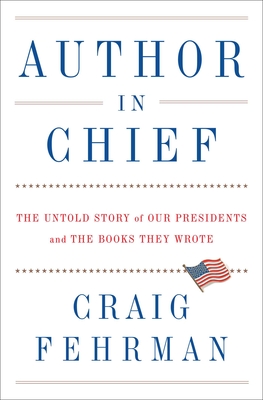
Last week, I talked with Craig Fehrman about his wonderful historical account of presidential memoirs, Author in Chief. The book was delightful from start to finish, a guide to both American literature that's still revered today (Nathaniel Hawthorne and Mark Twain) and American literature that was loved and immediately forgotten (one bestselling historian's history of the United States was the biggest seller of his time in the 19th century; you probably have never heard his name.)
Fehrman is a great guide to the writing of presidents both good and bad. (Calvin Coolidge, it turns out, was a fantastic prose stylist.) But my favorite part of Author in Chief is the way it walks the reader through an overview of literary history, and shows the way it shapes (and is shaped by) power. As Fehrman said to me:
I think the thing that surprised me the most, and maybe this shouldn't have surprised me, was just how much prominent authors ended up interacting with presidents. You can really stack up the examples: You've got Emerson as a young man visiting John Adams as an old man. Or you have Herman Melville going to the White House and shaking hands with Abraham Lincoln. Or you have Edith Wharton go into the White House to have lunch with Theodore Roosevelt.
Wednesday's book launch event for Author in Chief should be fascinating time. Fehrman, who worked on the book for a solid decade, has a great grasp of the history of the presidency and he can offer some much-needed context for our current times.
Elliott Bay Book Company, 1521 10th Ave, 624-6600, http://elliottbaybook.com, 7 pm, free.
The Sunday Post for February 16, 2020
Each week, the Sunday Post highlights just a few things we loved reading and want to share with you. Settle in with a cup of coffee, or tea, if that's your pleasure — we saved you a seat! Read an essay or an article online that you loved? Let us know at submissions@seattlereviewofbooks.com. Need more browse? You can also look through the archives.
This week found me reading a series of bleak but thought-provoking pieces on growth, decline, and political posturing in U.S. society.
The Age of Decadence
Ross Douthat, in an excerpt from his book, The Decadent Society, sketches a portrait of the U.S. as a nation not in decline, but in stagnation. In his view, our politics, technical innovations, art, and culture are all signs of a decadent society, canaries in a coal mine that warn not of impending disaster but of a steady state of ineffectualness and gridlock. Things are fine-ish but they feel horrible partly because progress has not kept pace with expectations based on the breakneck speed of innovations and improvements in the country's past. The piece dives into many aspects of life, and there's a lot to unpack and argue over, but I found it thought-provoking as a frame to consider some of the disappointments and malaise of the last decade.
A contributing factor, Douthat argues, is that most of the innovation in recent years has been digital, not material. We’ve seen diminishing returns in scientific research and medicine while being flooded with a bubble's worth of apps that help us do everything from chatting seamlessly with our friends to hiring a dog walker. He lists off some of the overinflated promises of the past decade (one of which is still going strong, despite never having turned a profit): Fyre Fest, Theranos, and Uber. Douthat doesn't dwell on the fact that most of the profits go into a rarified set of pockets concentrated in tech hubs, but that was top-of-mind for me while reading this piece.
The truth of the first decades of the 21st century, a truth that helped give us the Trump presidency but will still be an important truth when he is gone, is that we probably aren’t entering a 1930-style crisis for Western liberalism or hurtling forward toward transhumanism or extinction. Instead, we are aging, comfortable and stuck, cut off from the past and no longer optimistic about the future, spurning both memory and ambition while we await some saving innovation or revelation, growing old unhappily together in the light of tiny screens.
Can We Have Prosperity without Growth?
Where Ross Douthat's piece focuses on the stagnation plaguing our society and mostly eschews environmental concerns, John Cassidy’s review of recent books and viewpoints on sustainable growth leans into an environmentalist view of growth and engages with questions about whether economic growth can be compatible with environmental policies. Do the U.S. and other wealthy countries need to embrace slow growth to mitigate environmental disaster, and can the economy keep growing forever, decoupled from environmental damage? My instinct is that it’s not possible to have continued growth without paying a price, but the piece explores many sides of the argument and some proposed solutions.
After a century in which G.D.P. per person has gone up more than sixfold in the United States, a vigorous debate has arisen about the feasibility and wisdom of creating and consuming ever more stuff, year after year. On the left, increasing alarm about climate change and other environmental threats has given birth to the “degrowth” movement, which calls on advanced countries to embrace zero or even negative G.D.P. growth.
Passion Isn't Enough: The Rise of 'Political Hobbyism' in the United States
The next piece made me take a hard look at how I consume news. In the newest episode of the NPR podcast “Hidden Brain,” Shankar Vedantam interviews political scientist Eitan Hersh about what he sees as the growth of political hobbyism, or treating politics as a fun diversion without doing actual work to effect change. This episode also dovetails well with the politics section of Douthat's piece about decadence, if you feel like putting them in conversation. Hersh sees it as more convenient than ever to use politics as shallow self-expression rather than as a tool for improving our community. It's easy to follow news that's sensational and tweet about it. It is much harder to slog through information about local housing bylaws and pester your local government to make changes.
What news do political junkies demand? Outrage and gossip. Why? Because it's alluring. What news do we avoid? Local news. Why? It's boring. What do we think of our partisan opponents? We hate them. Do we really hate them? No, but politics is more fun if we root for a team and spew anger at the other side. It's easier to hate and dismiss the other side than to empathize and connect to them. When do we vote? When there's a spectacle. When do we click? When politics can be a frivolous distraction. When do we donate? When there's a cocktail party or a viral video. What are we doing? We're taking actions not to empower our political values but to satisfy our passion for the sport of politics.
Whatcha Reading, Laura Knetzger?
Every week we ask an interesting figure what they're digging into. Have ideas who we should reach out to? Let it fly: info@seattlereviewofbooks.com. Want to read more? Check out the archives.
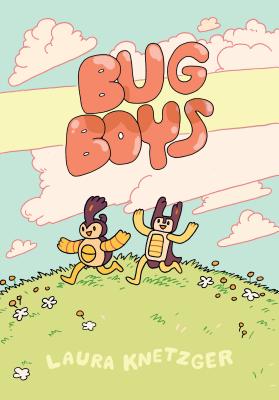
Laura Knetzger is a Seattle-based illustrator, artist, author, and comics creator. Her best known work, Bug Boys, was just published by Random House. Although she just recently gave us her answers to the questions below, we wanted to have her back in celebration of her new book. If you've read Bug Boys before, be sure to pick up the new book to see them in incredible color! You can also follow Laura on Twitter, or support her work through her Patreon.

What are you reading now?
I just started Against Creativity by Oli Mould last night. I don’t usually read nonfiction, but this one grabbed me. It’s about the co-option of the concept of creativity by capitalism as a force for economic growth rather than an expression of humanity. Recently, my cousin asked if I considered myself a “content creator” and he was trying to be funny but it gave me a little internal crisis about how I’m perceived. Anyway, I hope I finish this book.
I’m also reading The Snail on the Slope by Arkady and Boris Strugatsky. I’m trying to read more Strugatsky brothers since they’re like a hidden influence on modern sci-fi — kind of like how Kenji Miyazawa is such a huge influence on manga, anime, and Japanese literature but isn’t really a household name outside of Japan — and also because the video game critic Tim Rogers recommended them and I’m working up the courage to become a Tim Rogers reply guy. Their prose is kind of a slog to get through but every now and then something really spooky and exciting happens.
What did you read last?
I just finished Barkskins by Anne Proulx, which was fantastic. It’s a huge, sprawling novel that follows the descendants of two indentures servants who emigrated to Canada in the 17th century. Both families’ lives are tied to trees, one as wealthy lumber barons and the other as poor Native woodcutters who cut down the forests. There’s no traditional “story,” just the lives of the characters and the reasons they return to trees for their livelihoods generation after generation.
Then I read The Lonesome Bodybuilder by Yukiko Motoya. I highly recommend reading a collection of short stories after reading an 800 page novel because it feels so breezy and light. These stories were all fabulous, when I describe them as “breezy” I mean they all flowed and swept me along in them, not that they were insubstantial. “The Lonesome Bodybuilder” was a standout, about a dissatisfied wife who channels her sadness into getting extremely buff but her husband pays so little attention to her he doesn’t even notice her body has changed.
What are you reading next?
I just got A Memory Called Empire by Arkady Martine from the library. I don’t remember why I requested this one, sometimes I just put holds on stuff that’s on “best of” lists or twitter recommendation threads of whatever and then I don’t remember what seemed interesting about it in the first place. Looks good though!
The Help Desk: Public maiming
Every Friday, Cienna Madrid offers solutions to life’s most vexing literary problems. Do you need a book recommendation to send your worst cousin on her birthday? Is it okay to read erotica on public transit? Cienna can help. Send your questions to advice@seattlereviewofbooks.com. Cienna is off braiding spider webs into sanitary masks, so this week is a repeat from 2016.
Dear Cienna,
I’m friends with my local used bookseller. She recommends books to me, and I recommend books to her, and I sell books back to her, and everything is pretty great, for the most part. I know I’m lucky to have such a wonderful bookseller in my life.
But the other day, after I brought a big haul of books in to sell to her, my bookseller friend left a note on my Facebook wall that said, and I quote, “Stop dog earing your books!” Please bear in mind that this note came after she gave me over a hundred dollars in store credit for those books. She didn’t mention the dog-earing at all during the entire transaction while I was in the store.
It’s true that I dog-ear my books, Cienna, and I know it’s not okay. It’s a bad habit, like pulling out your own eyebrows or picking at pimples. But I feel a little hurt by the public shaming, especially considering that she’s never brought this up to my face.
Now I don’t want to go into the bookstore anymore, and I know that’s reactionary of me and more than a little silly. How do I salvage this relationship? Or should I only buy used books online from now on?
Danielle, Edmonds
Dear Danielle,
I assume your bookseller friend is a decent person because all used booksellers I've ever met are much better people than me – the kind of people who don't try to lure neighborhood children into their basement just to prove what bad parents they have.
Nevertheless, even booksellers can be cowards when it comes to interpersonal confrontations. Most of us would prefer to avoid the emotional feedback we receive – the hurt, confusion, embarrassment – when we tell someone we care about something that they probably don't want to hear. So we email them our criticisms. We text. We Facebook. And while that eliminates the special hell of an awkward interaction, our victim doesn't get the reassurances that physical feedback provides – tone, eye contact, a smile, maybe a hug. The mostly nonverbal cues that let people know they are valued, even when being criticized.
Receiving criticism via social media feels like a slap you didn't see coming, even if it is well-intentioned. I know the urge is to respond in kind digitally, but I don't recommend it. I recently did this and it cost me two friendships – one human, the other a spider I had named after my friend, who I had to ritualistically kill, dismember, and mail to my ex-friend in 11 tiny envelopes.
It takes guts to confront someone about their behavior. It's hard. But that is how strong friendships are built – in person, not over social media or texts. So this is what I suggest you do: Visit your favorite used bookstore like normal, buy a few books, and when your bookseller friend is ringing you up, say something like, "I think you owe me a happy hour drink." When she asks why, explain to her that you were a little embarrassed and offended that she chose to criticize you over Facebook for dog-earing your books, and that in the future, you'd prefer it if she talked to you in person about the physical state of the books you bring in for trade. But that she can make it up to you with that drink.
Kisses,
Cienna
The Portrait Gallery: Waverly Fitzgerald
Each week, Christine Larsen creates a new portrait of an author for us. Have any favorites you’d love to see immortalized? Let us know, or see if you can find them in the archives.
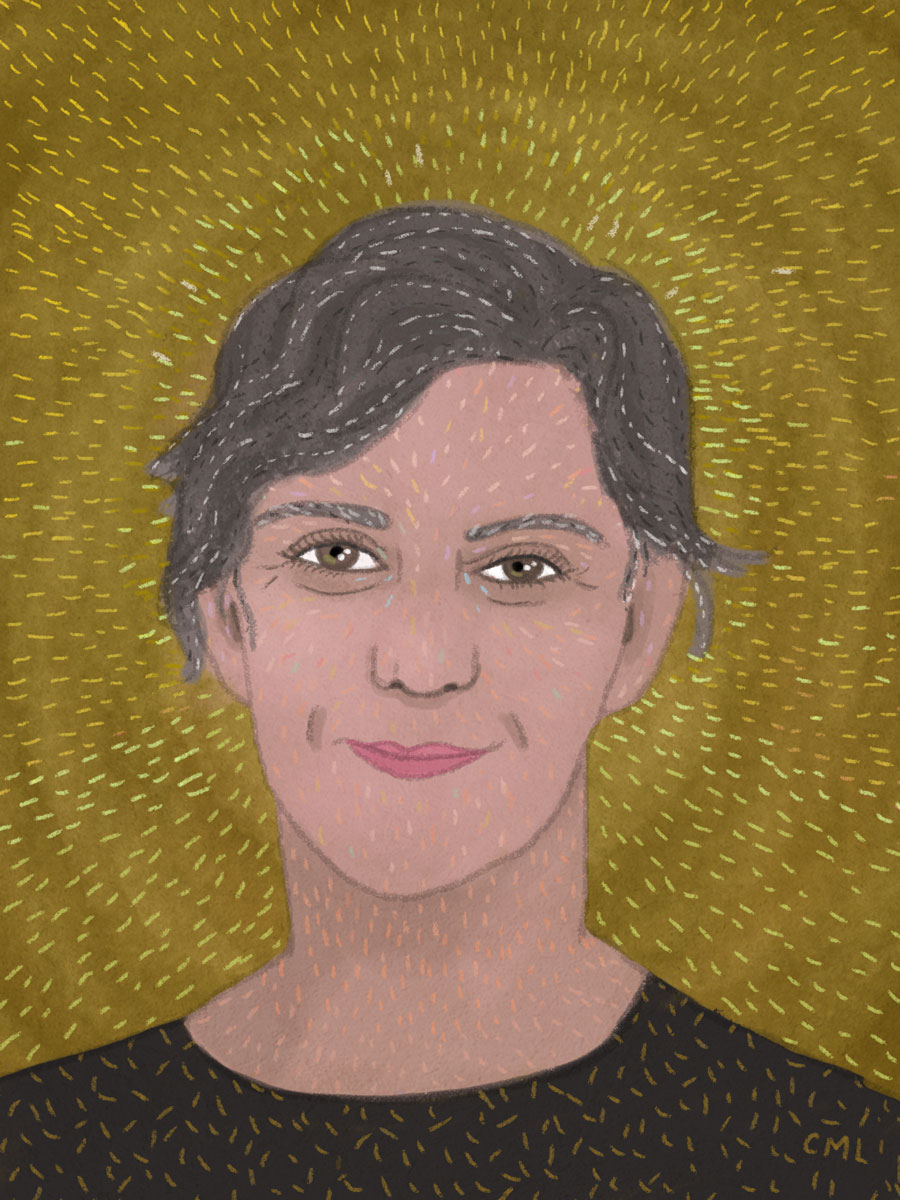
Thursday, February 13th: A Tribute to Waverly Fitzgerald With Curt Colbert
See our Event of the Week column for more details. Third Place Books Lake Forest Park, 17171 Bothell Way NE, 366-3333, http://thirdplacebooks.com, 7 pm, free.
Thursday Comics Hangover: It's magic, you know
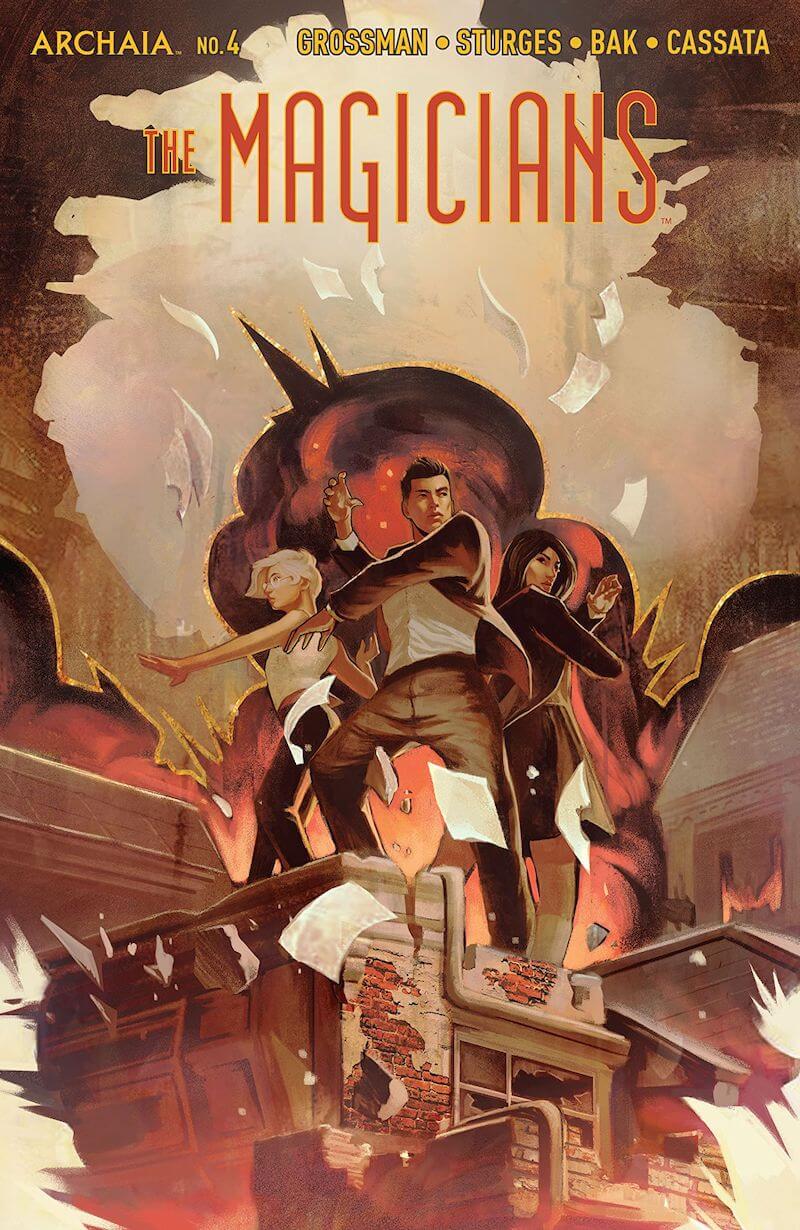
Lev Grossman's The Magicians is often called the American Harry Potter, sometimes as praise and sometimes as insult. Like Harry Potter, The Magicians does take place at magic school, but unlike Harry Potter, The Magicians is an adult story. Or, as much as Harry Potter is about the transition into adolescence, The Magicians is the story of transition out of it.
In fact, The Magicians is both a love letter to, and a poking at, Harry Potter. By folding in a fake mythos as part of the central narrative, a close-clone of the Narnia books, Grossman scratches at the itch of British fantasy and all its trappings, while still having his students sulk, whine, preen, and win their way through their incredibly challenging schooling with a decidedly American canter. It's like a great unpacking, as if Grossman had to write a book series to understand something crucial about Rowling's (and TH White's, and CS Lewis') work.
Brakebills, the American school that works at the Hogwarts analog, is more akin to Harvard than a British "public school". In Grossman's world, it isn't heredity that gains you access, it is absolute academic brilliance. Spells are not trifles that you learn at twelve, they are deeply arcane research that require special hand motions, akin to elite musicianship, and deep understanding of obscure ontological texts. Magic, here, goes tremendously awry, in a mysterious dark ways, creepy, and invoking tremulous horror.
Outside of school, those who become obsessed and learn about magic without the proper training and tomes are called Hedge Witches. They are punk academics, full of barstool philosophy and a mix of half-truth, half-bullshit that cause a class rift between them and the school trained set, the junkies of the magical world.
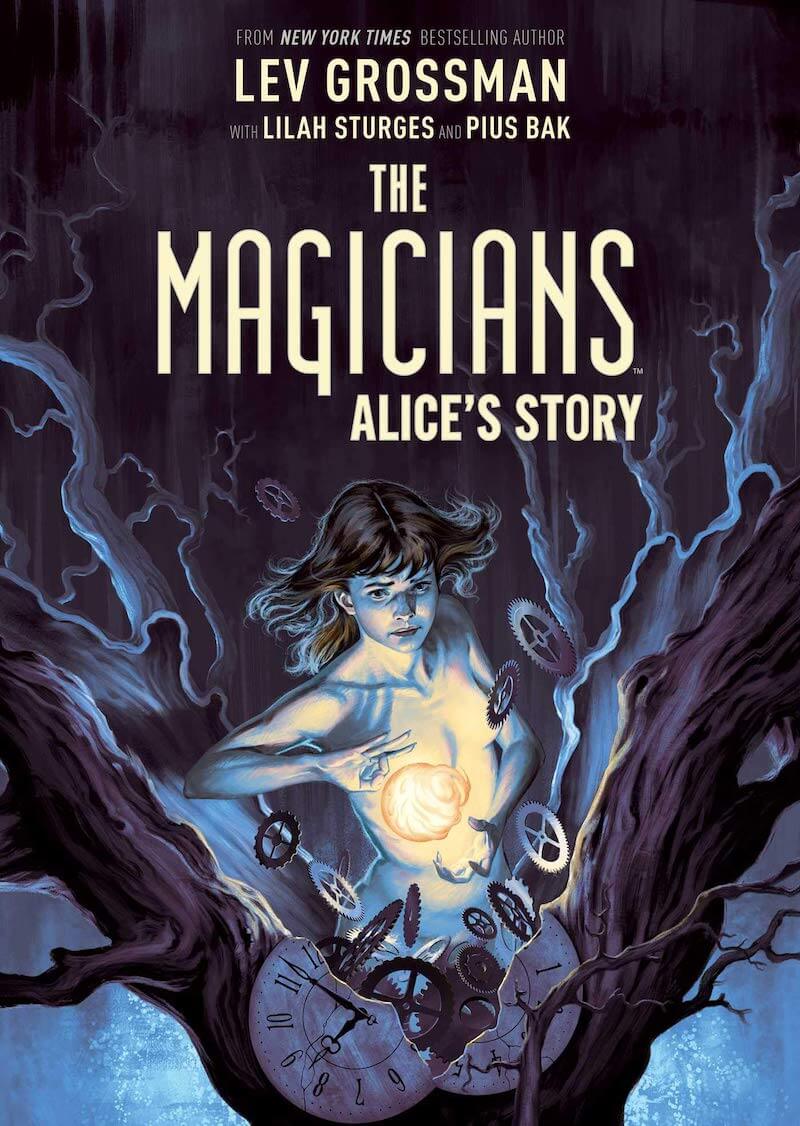
Now, Boom Studio's Archaia imprint has released a series comics based on The Magicians. Writer Lilah Sturges (of Lumberjanes, among other titles) has taken Grossman's canon, and extended it, first as a graphic novel retelling the story of the first book from a different point of view in The Magicians: Alice's Story, and now in the current monthly series The Magicians, whose fourth, and penultimate, installment was just published.
Perhaps you've read Grossman's rich novels, or seen the television show based on them, but even if not, approaching the comics without knowing the ins-and-outs will still present you with a good yarn. Alice's Story will tell the part of the trilogy's story to you. As someone who loves the novels, I thrilled through it, but saw it mostly as an adjunct text, to offer context and expansion on the books themselves.
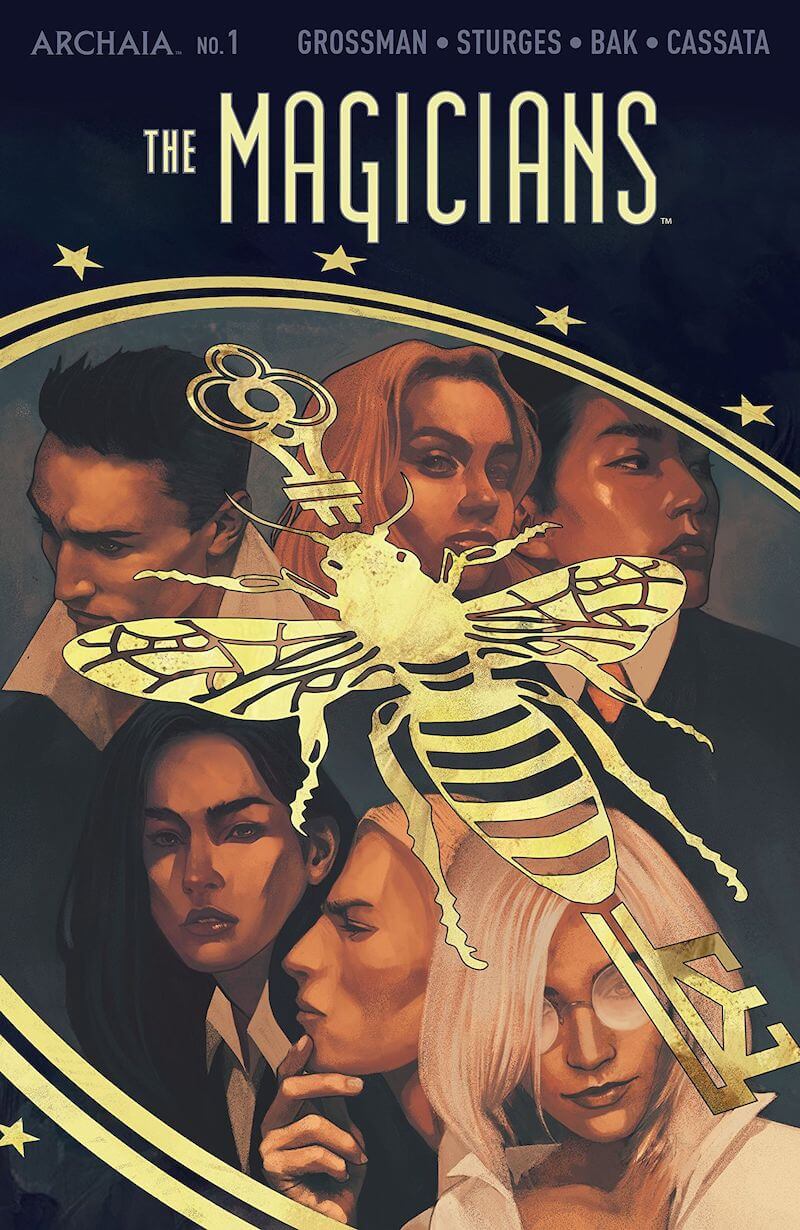
But although the new comic series starts with the world and setting of Brakebills, replete with the school's leader Dean Fog, its central narrative revolve around all new characters.
A small group of Hedge Witches matriculate at Brakebills, and with them come their instructor, now a professor. There's huge resentment from the other students by this classless intrusion on their privilege, and it plays out in a myriad of ways.
Like all of Grossman's characters, whose pattern and feel Sturges obviously groks on a deep level, these students are self-obsessed, cocky, competitive, and socially awkward.
Each issue ends on a thrilling moment, I swear I actually gasped at least twice so far, a bit of dramatic punch that ups the ante on Grossman's much slower payout in the novels, and it feels like a nice match, as if finding stories in the world that fit comic's pacing better has pushed some of the puzzle pieces flush to the table.
The art, by relative newcomer Pius Bak is rich and detailed, with a huge range of emotional expression to work with on the character faces. The composition and panelling is dynamic, intricate, and his controlling of pace is marvelous. It's a luxury to try to hold back a page turn while soaking in the details, but it's hard to do.
The short of it: The Magicians is great, and if you aren't familiar with the canonical trilogy, this series is a fantastic way to find out if you want to spend more time in this world. I find myself thinking about them all the time. Now that Boom holds the franchise, let's hope they keep finding ways to push into new stories in the world that Grossman didn't have time to get to yet.
Book News Roundup: Corporate anti-nazis, Your fake followers, and more
-
Even when Amazon's right, it's wrong. Choosing not to sell Nazi-promoting books? Sure. Keeping booksellers in the the dark about the decision? Erm. Digitally erasing swastikas from existing titles? Ugh. And then there's this:
That only underlines how hard it can be to tell exactly what Amazon’s rules are. The confusion is reinforced by AbeBooks, the biggest secondhand book platform outside of Amazon itself.
Some of the books dropped from Amazon are available on Abe. Recently, there were 18 copies of Mr. Duke’s books on Abe, at prices up to $150. Amazon, which owns Abe, declined to comment.
-
Feeling a little let down by your friends on Twitter or Facebook? Try joining Botnet, a "social network simulator" where you're the only human with millions of bots who are obsessed with you. Anything you post will get a huge amount of likes and comments, all of which are run by a good-enough-to-be-funny AI. If you're not popular enough off the fake sites, you can also upgrade for pay to increase the amount of interactions, or to buy your own trolls. But even the free version is pretty fun.

-
The Seattle Asian Art Museum is finally, finally, finally open again! At the end of the month, Xiaoze Xie, artist and Stanford University prof, is giving a talk on his solo exhibit, “Out of the Dark,” on the history of banned books in China. For those more inclined to read, there’s the McCaw Foundation Library downstairs housing books to go along with objects on display.
-
From January 11, through February 14th, fourth and fifth graders all throughout Seattle have been forming teams and competing in the Global Reading Challenge. Groups of kids read ten books between them, and answer a series of questions from moderators about each book. The winning teams from each elementary school will then proceed, through March 4th - 19th, to the semi-finals, leading to the city final on on March 24th. Take cheer! Children throughout Seattle are competing in a book-centered game.
Talking with Craig Fehrman about presidential memoirs and whether good writers make good presidents
Seattle author Craig Fehrman's new book Author in Chief: The Untold Story of Our Presidents and the Books They Wrote is a literary history of the office of the president, a guided tour of the books presidents write and read. If you're a history buff, a presidential trivia aficionado, or just a lover of American literary history, this book will transfix you, inform you, and surprise you. Fehrman reads at Elliott Bay Book Company to celebrate the book's release next Wednesday, February 19th, at 7 pm. The reading is free. What follows is an edited and abridged phone conversation I had with Fehrman on the afternoon before the Iowa caucuses stalled and collapsed into confusion. It was a simpler time.
I finished reading your book this weekend and I really enjoyed it. It seemed like such a simple idea that I'm surprised nobody has done it before. Did you have to do some research to see if somebody else had tackled this concept in the same way before you did it?

Yeah, I did. When I first had the flicker of the idea, I tried to see if anybody had really covered this, and the strange thing is, even if you look at the really good biographies on individual presidents, they just don't take their books seriously. [The biographers] don't take them seriously as writers. So sometimes I wonder if that's the present warping the way we see the past.
A lot of people today, mistakenly I think, roll their eyes at political books and think they're not serious or think they can't really have a big impact. That's just not true, and it's certainly not true historically, but I think that contributed to people not seizing on this simple idea.
The other factor might just be that it takes a lot of work. It took me 10 years to finish this. I had to research politics, I had to research publishing, and I had to research a lot of other different things. But I was glad I did, because hopefully they fuse together and make it a surprisingly multifaceted book.
They absolutely did. Can you talk a little bit about your inspiration for the book?
Back in 2008, like most Americans, I was obsessed with the presidential election. I was going to Politico every day and clicking refresh. You just really get swept up in it.
And also like a lot of Americans, I really liked Barack Obama's books. I just wondered, 'is there a history there? Has this happened before? Has a similar book or similar candidate ever caught on this way?' And so I started digging in. I went to really good research libraries and used their catalogs and just put in presidents and prominent presidential candidates names and just looked to see how many books they'd written.
I started to realize this was a much richer story than I thought. I mean, the first campaign book comes from Jefferson, the first presidential memoir comes from Adams. So this is history is as old as American history itself.
Do you think that that being a good writer is a good quality for a president?
Yeah. I have to give a convoluted answer to this, and I think that's because I'm a writer and not a politician.
I think that being a good writer can really help you when you're running for the presidency. Whether it's writing a good speech, or writing a good book, or just coming up with a compelling story about yourself and why you're running for office.
There are so many examples. Obama is the one, certainly, that's resonating most recently. But plenty of other presidential candidates, including the ones we've all forgotten, like Calvin Coolidge, used this skill to get to the office.
But I think that being a good writer can actually hurt you when you're in the White House, if you're not careful. A writer has to complicate ideas. A writer has to explore nuances. A writer has to figure out why an idea is challenging and grapple with it.
That doesn't always work well in politics. Politicians have to simplify ideas. They have to fight, they have to find messages that are persuasive as much as they are nuanced or rhetorically soaring. So I think the best move, if you want to run for president, is be a really good writer and use that skill to get to the White House. But once you have power in the White House, be willing to step away from that skill and just play politics, because sometimes nuance and beautiful language can get in the way of that.
It seems like you developed an affinity for Calvin Coolidge in this book. Is that an accurate assessment?
I wouldn't say that I have a political affinity for him. My book's not really very political. It looks more at them as people and as writers and as readers and as campaigners. Although I was really interested in Coolidge's version of conservatism and how it did not necessarily sound like the conservatism we hear today, even though he's kind of an underground hero to a lot of conservatives.
But he's a really good writer, and it's not just me saying that. I think the only thing that H.L. Mencken liked about Calvin Coolidge was his prose style. And the New York Times praise Calvin Coolidge while he's in the White House for being the most literary president since Lincoln.
Coolidge was a good example of how to be a good writer and a good politician at the same time, because his biggest gift as a writer was taking simple ideas but saying them in a memorable and succinct and persuasive way. Coolidge wouldn't take an idea and complicate it and add nuance. He would take an idea and state it in a way that was sticky and persuasive and would fire up his supporters. That's the way that a president can use the skills of a writer even while in the White House.
One of the things that I love about presidential history is that each president provides a little window into their era. For me, it's a useful way to explore history. And that's one of the things I liked about this book is it's not by any means comprehensive, but it was almost like a train ride through literary history. You're looking out a window and you see Nathaniel Hawthorne and you see Mark Twain and these other different stages of American literature. Are there things you learned about the history of American literature coming at it from the presidential side of things?
I think the thing that surprised me the most, and maybe this shouldn't have surprised me, was just how much prominent authors ended up interacting with presidents. You can really stack up the examples: You've got Emerson as a young man visiting John Adams as an old man. Or you have Herman Melville going to the White House and shaking hands with Abraham Lincoln. Or you have Edith Wharton go into the White House to have lunch with Theodore Roosevelt. A lot of these writers were celebrities in their own times, and so it makes sense that they were very prominent citizens who got to interact with presidents and got to shape public opinion in a way very few writers, unfortunately, don't get to do today.
Would you indulge me in talking a little bit about books by the current crop of presidential candidates?
Sure, let's do it.
Have you read Buttigieg's?
I have.
I'll put myself out there first: I thought it was pretty good. I didn't think it was Dreams from My Father, but I thought it was pretty well-written. What do you think?
I totally agree. What's interesting to me is that you can see, and not just in his book but in a couple of other ones too, the influence of Dreams from my Father, in that it definitely has the feel of not just memoir but literary memoir. It felt like a lot of chapters started with descriptions of sunrises and weather and little moments.
Whether Obama's memoir let serious literary candidates know that they could go in that direction, or whether they were trying to capture that formula, I'm not sure. But I definitely feel the influence of Dreams from my Father is present in Buttigieg's book. And I agree with you. It's an interesting book.
It's like there's a before Obama and after Obama in presidential memoirs.
Yeah. Joe Biden's Promise Me, Dad is another good example. It's also a surprisingly literary memoir. If you compare it to previous political books he's written, those are more your standard manifesto. But this book doesn't talk that much about him being Vice President, it doesn't even talk that much about his relationship with Obama. It's very focused on themes like family. And it has a really lyrical tone to it, which doesn't necessarily sound like Biden, but definitely sounds like Dreams from my Father. So that's another example I think where you can see Obama's book influencing the current crop.
Yeah, I was surprised, actually, that the Biden one was my favorite of the crop. I listened to the audio book and I actually like broke down a couple of times, which was a unique experience for me with a presidential biography.
No, I totally agree with you. It's a powerful story and it's told in a really powerful way and it's short. So many of these books would be better at half the length. And then another thing you can say about Biden's book is that it's focused, it gets to the point. And I think that makes the story hit harder. That's one reason I like Coolidge's book. He's a pretty famously taciturn guy, and that applied to his writing too.
One of the things that I really loved in this book was this figure — I can't recall his name, but I bet you know off top of your head. He wrote one the most popular history books of his time. What was his name?
John Clark Ridpath?
Yes! Ridpath. Did you read all of his books? You said it sold like a million copies or something, right?
He was prolific in the way that only a 19th century nonfiction writer could be prolific, so I did not attempt to read all of his works, but I did read his biggest hit, which was the most popular one-volume history of America in that time.
It tells the American story in a way that most people understood it in that period: Very providential, very focused on the current moment, very focused on white Americans and their government and everybody else is just an obstacle or a boost along the way to them achieving their current moment and their current ideology.
It must've been daunting to see a historian who was so well read and beloved in his time who's now basically forgotten. Did you learn anything from reading these historical texts that were loved and then abandoned as time marches on?
I think it just helps humble you as a writer, because you can see how they reflected the anxiety and the concerns of their age. I'm sure I'm doing the exact same thing. We talked about how nobody has done a book about presidents and their books before. But I don't think it's any accident that the first person who did it was somebody who got the idea from Obama. If I'm going to say that Obama's books are influencing their candidates, I certainly have to 'fess up and say that his book influenced my book.
So I think one reason I wrote my book was because Obama made political books salient as a category. That's a small example, but you can find lots of different examples where historians are reflecting their moment. So anytime you read a history book, you're reading something that's both historical in that it talks about the past but also it's historical in that it reflects the moment it was written in. I'm sure that's true in my book too.
In the company of books
Published February 11, 2020, at 12:00pm
We've always depended on the book-ness of strangers.
My brothers
I love you
Truth is I miss you too
As bullets fly
Not knowing whom they are hitting
I cry because it pierced your skin
It entered the temple that is you
You whom I've known
You who made me laugh
You who comforted me when no one else couldYou who dreamed of a future
Hoop dreams
Touchdowns in the snow
Lawyers freeing others
Doctors in the emergency
Lyrical genius
Pilots above the cloudsMy brothers who are
Fathers who loved despite sin
Brothers who tickled and teased
Cousins that played until the days end.
Friends with bended ears
Lovers with passion and open heartsMy brothers
I love no matter what they say
Bottom line is they don't know the man who walked the streets during the day
The news said the numbers are high
Black men are dying Dropping like flies
How can we survive with your strength
Your love your kindness
That completes the families strength
I can no longer look beyond the bullets flying
Because my life is in complete with you not by my sideMy brothers
I love you
It's you whom I love
Your touch
Your smile
On earth and above
No more wings
Place your two feet on planet earth
And stay with me my brother
No more tears
Erase the fears
Our love endearsForever my brothers
Forever
Sponsor Love Week
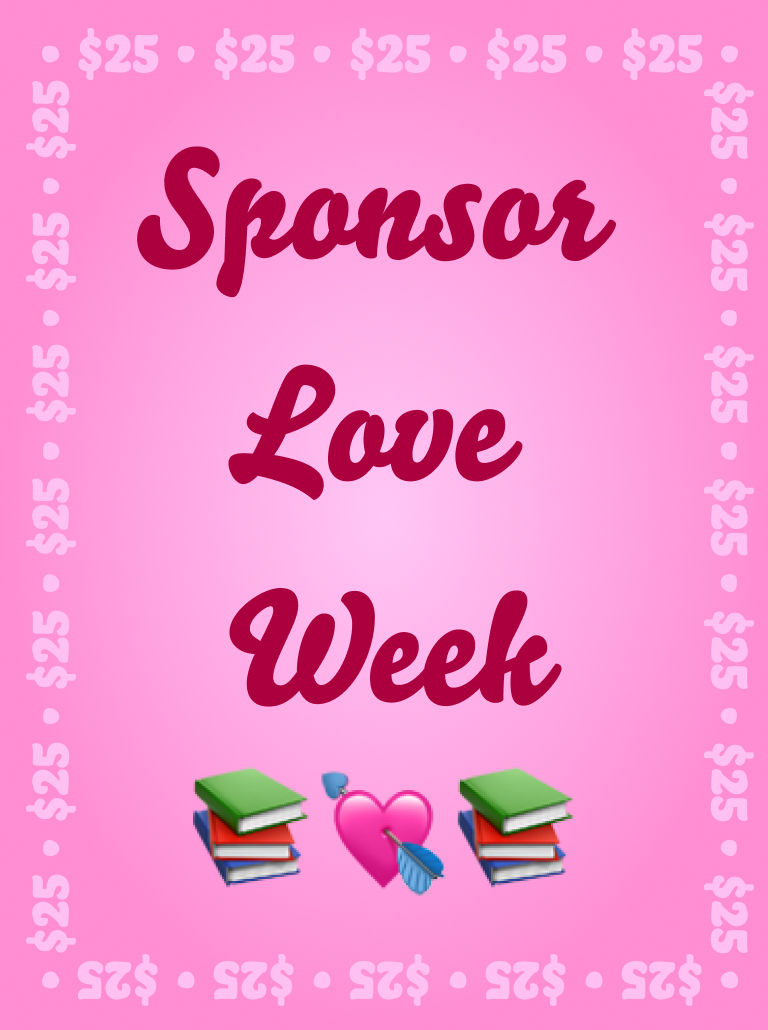
You know who makes our literary heart go pitter-patter? Sponsors, that's who. You fine people who advertise on this website pay for all the original reporting, critique, and columns that tell you what's happening in the literary world of Seattle (and beyond). We couldn't do it without you.
That's why we've sent our bi-annual email to you listing our available sponsorship slots at a $25 discount. Check your inbox! The rest of these dates go on the site next week, February 17th, when they're available to the general public. We hope you'll take advantage of the discount — it's thanks for your previous sponsorships.
If you've never sponsored before but want to, check in next week to grab your preferred date. You'll also get two changes a year, like our current sponsors, to take advantage of sponsor love week and get future dates at $25 a week before anybody else. What a world.
Your Week in Readings: The best literary events from February 10th - February 16th
Monday, February 10th: Why We're Polarized Reading
Ezra Klein went from one of the most prominent bloggers in the early populra internet to a co-founder of the website Vox and a prolific interview podcaster. And now he's getting into the business of writing books: his new book is an exploration of why partisan politics has entered nearly every part of American life, from our church to our TV to our social media. University Temple, 1415 NE 43rd St,634-3400, http://www2.bookstore.washington.edu/, 7 pm, $28.
Tuesday, February 11th: With Teeth Reading
Natanya Ann Pulley's new short story collection, With Teeth, opens with the sentence "She wears a mask that looks like her." That's some stunning writing, to pack that kind of emotion into eight words. Hugo House, 1634 11th Avenue, 322-7030, http://hugohouse.org, 7 pm, free.
Wednesday, February 12th: Okay Fine Whatever Reading
Courtenay Hameister's collection of short nonfiction stories about anxiety, Okay Fine Whatever: The Year I Went from Being Afraid of Everything to Only Being Afraid of Most Things, is finally out in paperback.She'll be interviewed by popular podcaster Luke Burbank. Seattle Public Library, 1000 4th Ave., 386-4636, http://spl.org, 7 pm, free.
Thursday, February 13th: A Tribute to Waverly Fitzgerald With Curt Colbert
See our Event of the Week column for more details. Third Place Books Lake Forest Park, 17171 Bothell Way NE, 366-3333, http://thirdplacebooks.com, 7 pm, free.
Saturday, February 15th: Wild Honey, Tough Salt Reading
Press materials for Kim Stafford's new poetry collection promise that the book "offers a prismatic view of Earth citizenship, where we must now be ambidextrous." I have no idea what that means, but okay! Elliott Bay Book Company, 1521 10th Ave, 624-6600, http://elliottbaybook.com, 7 pm, free.
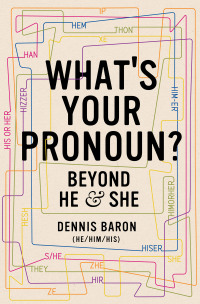
Sunday, February 16th: What’s Your Pronoun: Beyond He and She Reading
Dennis Baron's latest book pokes holes in the ridiculous 'kids-these-days' idea that pronouns have always been a fixed part of language. In fact, our understanding of pronouns has changed considerably since the time of Shakespeare. This is also the first book I've seen whose covers lists the author's preferred pronouns. Town Hall Seattle, 1119 8th Ave., 652-4255, http://townhallseattle.org, 7:30 pm, $5.
Event of the Week: A tribute to Waverly Fitzgerald
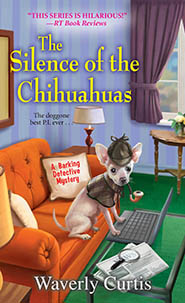
Seattle author Waverly Fitzgerald passed away on December 13th of last year. Fitzgerald's intellect was omnivorous: she wrote historical romances and appreciations about the intersection between nature and urban life and guidebooks on how to celebrate the summer solstice, and a book titled Slow Time, about how to recapture a more humane and human sense of time.
Fitzgerald was a curious mind and a teacher to many and a member of several local writing organizations. She was never content to keep her knowledge to herself; she was always interested in sharing it, in helping others realize that the world was bigger and weirder and easier to manage than you may have guessed.
Fitzgerald also co-authored a series of dog-centric mysteries with local writer Curt Colbert under the pseudonum "Waverly Curtis." A shared pseudonym is a strange thing, because while Fitzgerald is no longer with us, Waverly Curtis is still in a kind of state of half-life. Curtis is still around to share his stories of Fitzgerald, and to explain what their collaboration was like.
That's what this Thursday's event is all about at Third Place Books Lake Forest Park. Curtis will remember his writing partner in a reading setting, to provide a little insight to the writing partnership that he shared for over a decade. Fitzgerald is gone, but her voice won't be forgotten.
Third Place Books Lake Forest Park, 17171 Bothell Way NE, 366-3333, http://thirdplacebooks.com, 7 pm, free.
The Sunday Post for February 9, 2020
Each week, the Sunday Post highlights just a few things we loved reading and want to share with you. Settle in with a cup of coffee, or tea, if that's your pleasure — we saved you a seat! Read an essay or an article online that you loved? Let us know at submissions@seattlereviewofbooks.com. Need more browse? You can also look through the archives.
Consider the hermit crab
Consider Katherine Rundell, who quietly, brilliantly, and consistently delivers absolute delight in her "Consider the ..." column at the London Review of Books. This one examines the humble, generous, possibly Amelia-Earhart-devouring (!) hermit crab.
In 2007, researchers decided to test the Earhart theory. The carcass of a small pig was offered to the crabs on the island, to see what they might have done to Earhart’s dead or dying body. Following their remarkable sense of smell, they found the pig and tore it apart, making off with its bones to their burrows under the roots of the trees. Their strength is monumental: their claw grip can produce up to 3300 newtons of force (the bite force of a tiger is 1500 newtons). Darwin called them ‘monstrous’: he meant it as a compliment.
The culture of misogyny inside Victoria's Secret
Not really a surprise, this one, but this should be read and heard. #metoo has faded from top billing, perhaps because it's now a constant current of our public discourse, perhaps because we have only so much patiences for the troubles of women. And it is easy to dismiss, in particular, the troubles of women who play up to traditional gender stereotypes as a profession.
But let's not. There is a literal "grab them by the pussy" moment in this article. As well as many other moments that should be boogeyman lore by now — but somehow aren't. This is not about sexy women. This is about predatory, sociopathic, and just plain incompetent men.
“I had spent all of my savings getting Victoria’s Secret lingerie to prepare for what I thought would be my audition,” a woman identified as Jane Doe said in a statement read aloud last summer in a federal court hearing in the Epstein case. “But instead it seemed like a casting call for prostitution. I felt like I was in hell.”
On cats
Raven Bookstore's Quoth the Raven newsletter is full of gently, warmly marvelous moments, and I (an unabashed lover of cats) have been hoarding this one to return to in times of need. Maybe, it occurred to me, some of the readers of the Seattle Review of Books might need it too? I give you: the lives of the Raven Bookstore cats.
Dashiell likes to sit on Register 2's keyboard in the colder months. We try to discourage this. I emerged from my office once to find him camped out on the keys and evicted him, lifting him off the keyboard to a chorus of meows. Waking the computer up, I saw an empty Word document with a single word typed into it: KILL.
Whatcha Reading, Seattle Walk Report?
Every week we ask an interesting figure what they're digging into. Have ideas who we should reach out to? Let it fly: info@seattlereviewofbooks.com. Want to read more? Check out the archives. This week's guest is a re-run from October of 2018. Since then, of course, Seattle Walk Report has unveiled herself as local librarian Susanna Ryan, and has put out a wonderful book about Seattle.
Seattle Walk Report is a charming and delightful Instagram account run by an anonymous Seattlite. You can read Paul Constant's review with her, but here we dig into the most important question of all: when she's not walking or drawing, what is she reading? Special thanks to SRoB reader Josie who recommended we reach out to Seattle Walk Report. We love recommendations! Who do you want to hear from, here? Let us know.
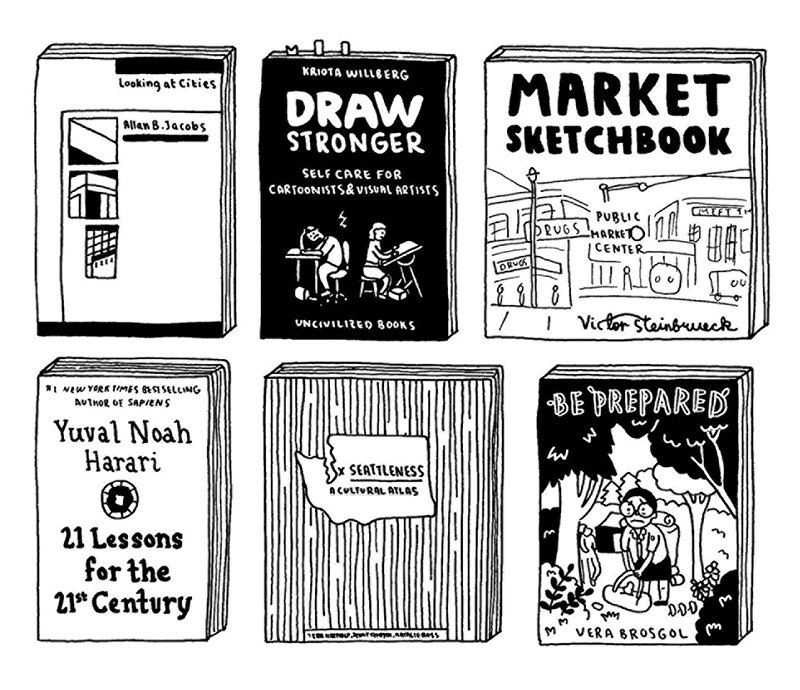
What are you reading now?
Due to a serendipitous library encounter, I'm currently reading Looking at Cities by Allan B Jacobs. It's about the crucial role of street-level observation in truly understanding the story of a city. Jacobs, an urban designer, delves into what you can learn about an area if you know what to look for and take the time to explore, and how that exploration can lead to building better cities. It was published in 1985 so some of the case studies in the book are a bit dated, but the essence and message of the book rings as true as ever. I'm really enjoying it so far.
After getting a totally preventable drawing injury, my friend gave me a lovely signed copy of a book called Draw Stronger: Self-Care for Cartoonists and Other Visual Artists by Kriota Willberg, which I've been reading and re-reading. The illustrations are laugh-out-loud funny at times and the writing is completely accessible. I highly recommend it.
What did you read last?
I'm 50 years late to the party, but I just finished pouring over Victor Steinbrueck's 1968 book Market Sketchbook about the Pike Place Market. It's phenomenal.
What are you reading next?
It's up for the Library hold system to decide, but I have a few that I'm especially looking forward to: 21 Lessons for the 21st Century by Yuval Harari, Seattleness: A Cultural Atlas by Tera Hatfield, Jenny Kempson, and Natalie Ross, and the graphic novel Be Prepared by Vera Brosgal. Middle grade graphic novels are a joy no one can take away from me!
January 2019's Post-it note art from Instagram
Over on our Instagram page, we’re posting a weekly installation from Clare Johnson’s Post-it Note Project, a long running daily project. Here’s her wrap-up and statement from January's posts.
January's Theme: I Would Never Assume
Here’s another set of post-its happily chosen by my award-winning-poet friend; we met 5 years ago through a fellowship that swept me off my feet with thorough efficiency, charmed and bolstered my writing-in-private self. I’ve never really had work colleagues in a typical sense, so I know many of my closest friends from school—college, sure, but also high school and middle school, and uh, maybe most especially kindergarten? Growing this close with someone I met so relatively recently, who actually works in MY SAME CREATIVE FIELD (and is so talented I would gush about her work even if we weren’t friends, you probably gush about it too) feels improbable and thrilling, like I know how to do something, like I can handle something I can’t always handle. This cold breath of relief, landing pockets of community despite all the everyday reminders of being outside the dominant main, can never count on the ease of relaxing in a group, caution and testing gently each new person, you wait, you have to wait and see. The larger world marginalizes the two of us for completely different identities, in all honesty those histories are not the same. It’s never the same. But together we’re miraculously safe to roll our eyes, all those horrifying moments that make laughing with a friend who knows it too the only thing to do, our whole bodies seized we’re laughing so hard about rough rough days, laughing that makes me clutch at my chest and wipe my eyes. She chose post-its about the “art life” here—of course—she laughed and chose the tiredness, the longing, the wishes and work. Working through illness when they give me steroids for my breathing and too worn down to notice any effect from them, on a deadline for a drawing, but god I love that drawing, thank goodness I made it, that drawing still leading to bigger and bigger days as we speak. Late nights teaching and tired too, but that lovely high schooler who took my classes all those years, quiet and growing, gave me a card with some Winslow Homer-type art print of ladies at the seaside, what a sweet moment. Drawing women in folds of big dresses hits some deep childhood satisfaction in me, there’s a delight when I sweep aside whatever else and draw, the swoopy skirts, I can’t make sense of that love, all I ever want to do is make more work, more time to make more. Please pay me for things, I’ll get to make more. The idea of being paid to make something where anybody can see for free, paid for the work and then everyone has access, art out in public bolstering everybody’s everyday, get me that job. I’m pessimistic and dreaming big. I did not assume anything, I know better than to think anybody in charge of the art money knows my little triumphs or yearnings. I would NEVER assume. I walk around like no one knows me, we’re just trying to keep it together, a million ideas everywhere I go, begging to bring it into being, pitching again and again for the chance to do that work to bring it into being, my million ideas. Share something, eat it in, pay our rent, find each other, roll our eyes.
The Help Desk: Under the cover of white
Every Friday, Cienna Madrid offers solutions to life’s most vexing literary problems. Do you need a book recommendation to send your worst cousin on her birthday? Is it okay to read erotica on public transit? Cienna can help. Send your questions to advice@seattlereviewofbooks.com.
Dear Cienna,
I'm in a writing group and I'm trying to perfect my story which is about my neighbors growing up, who were immigrants from Guatemala. I've fictionalized a lot of it, but I can't get a hold of them to confirm some important details. All of this guff about American Dirt is making me think maybe this isn't a good idea. What do you think?
Miranda, Maplewood
Dear Miranda,
If you really want people to hate you, write a story about an off-white-to-really-brown-hued child who is found in the street by a compassionate white Mary Kay saleswoman, who also happens to need her pink caddy washed. (Tiny brown fingers are the Lord's Detailers.)
In exchange for his work, the generous Mary Kay saleswoman teaches the small boy to read from the labels of makeup samples. She names her new pet Malcomb K and slowly introduces him into her successful business empire. When gangbangers appear and try to tempt him to do drugs, the boy – with the help of his white savior and a little nudge from Jesus – is able to show the ruffians a better skin care regime and ultimately banishes the confused but freshly rouged bad boys back to their slums. Malcomb K then pledges to spend his life learning how to contour the crepe paper cheeks of ungracefully aging white women. In the process, he cures everyone he meets of their racism AND premature lines. The story shall be titled, "Thanks, White Lady!"
That is perhaps the only story that could be more offensive than co-opting the life story of your immigrant neighbors and passing it off as your own work, for which you could be monetarily compensated. (You mention that you fictionalized parts of it, which sounds to me like a weak justification that is undermined by your efforts to get in touch with them to corroborate their story. The key word is "theirs." As in, not yours.)
Yes, people are frothing about American Dirt right now, for (among other reasons) a white author being paid seven figures for obscenely bad writing. Many writers have been covering this issue, with better prose, for decades. And authors of color certainly are not extended seven-figure book deals to write about border issues and immigration. Much of the outrage stems from what feels like a shoddy attempt to capitalize on an issue that touches a raw nerve with many Americans who have been affected by, or witnessed firsthand, the damage that America's border policies have had on families.
But you're not talking about bad fiction, you are talking about badly fictionalizing someone's very personal struggles, which in my view is worse. In fact, on the grand scale of bad ideas, that one rates right around grabbing women by the pussy. Don't co-opt other people's stories – especially the stories of brown people you once knew tangentially. Just don't. You're a writer. Use your imagination and come up with new stories. Or if imagination isn't your strong suit, write about issues nearer to home, like how hard it is for a healthy ambulatory white woman to get good parking ("Yards to Go Before I Shop") or perhaps your personal struggle growing up with Too Much ("The Color Muave - One Woman’s Struggle to Wear Pastels"). Most American women can relate to both and you'll exploit fewer people in the process.
Kisses,
Cienna
PS. Since it is Black History Month, here's some homework for you: research and read a few #ownvoices stories. I'll even suggest one: The Hate U Give.
Kissing Books: Golden ages
Every month, Olivia Waite pulls back the covers, revealing the very best in new, and classic, romance. We're extending a hand to you. Won't you take it? And if you're still not sated, there's always the archives.
I have a hunch we’re living in a Golden Age of romance writing.
But it’s hard to tell: Golden Ages are generally the kind of thing that only get haloed in hindsight. What’s more, romance seems peculiarly resistant to an official canon of Significant Works. Very smart people have been trying to build one for decades now. And every time they try, the list proves somehow unsatisfying to nearly everyone.
Part of the trouble is that we’ll obviously need more than one canon. Are you an academic studying romance? You’re going to want to list those peaks that jut up above the broader current of history: Austen, Heyer, Woodiwiss, Garwood, Jenkins, Radclyffe, Nora—just to name a few. We’re already in an argument. Are you going with sales numbers, enduring reputation, or effect on the business of publishing as a metric? Are you parsing subgenres to follow the ebbs and flows of historical versus contemporary versus Gothic versus paranormal versus erotic? Are you doing the research to highlight forgotten milestones, with the knowledge that progress is never a straightforward unbroken narrative (you should be!)? Are you looking at the ways a genre that purports to be “by women, for women” both devalues certain kinds of women and is also controlled by publishing companies whose highest decision-making tiers are mostly if not entirely men?
So I guess we’re already having several arguments.
Perhaps you’re not an academic. Perhaps you are a new reader, looking for the best of the genre as she is currently wrote. Anyone building a canon of Best Current Romances is going to come up with a very different list of author names, and some of those Significant Books from a historical perspective turn out to be entirely skippable.
For instance, I never start new readers off by recommending Georgette Heyer. I feel like if you haven’t discovered her via dog-eared library paperback at the age of 14 or so, you’ve probably missed the ideal appreciation window and are better off with someone more modern. (And less anti-Semitic.) It’s not because Heyer is unimportant to the genre’s history! It’s just that we don’t tend to start people on horseback when they’re asking to learn to drive.
The more I think, the more I come to the conclusion that romance resists a canon because no generalized list of Important Books is ever going to eclipse the reader’s internal personal canon — the books they discovered first, the ones that moved them the most, the ones that made the world shift a little on its axis.
I’ve talked before about how romance is all about the specific: the mainstream dismisses a happy ending as “formulaic,” when in fact the whole point of an HEA is so the author can show the reader what “happy” means in this one very particular instance.
Reader’s experiences are just as unrepeatable. Each reader navigates the genre a little differently, and—here’s where the academics are really going to be mad at me—those differences matter. Those differences are everything. The order of what a person reads matters; their mood matters; the reader’s unique lived experiences affect how they respond to the text.
This timeline by definition cannot be recreated for another reader. Not identically. The specific refuses to be generalized.
A reader’s personal reading canon is closer to what we call a ludonarrative in video games: the game has a built-in story (plumber travels to castle to rescue princess) but the experience of playing the game expands, complicates, or conflicts with that story (player takes care to stop and collect coins rather than rushing right to the princess’ rescue). The built-in story gives the game structure—but the player’s experience is the point.
The Important Books canon is the game story, the reader’s canon is the ludonarrative. They can overlap, but they’ll never match completely.
Which is all a really roundabout way of saying: the problem with a canon is that it is supposed to be timeless. But the reader experience is fundamentally rooted in time: everything you read is tied to the moment at which you read it. How you react to a book depends on who you are (and when you are). No romance canon that I’ve seen includes the book Cupid’s Kiss by Karen Harbaugh—but for me, it’s one of the most important books of my life. It showed young Olivia you could put Greek gods in Regency England just for fun, just because you wanted to.
I didn’t know you were allowed to do things like that. It’s part of why I became a writer.
And that’s another reason why canons are troublesome: they’re supposed to stay fixed, but they can’t possibly. In 2015 NPR put together a list of 100 best romances; it was only five years ago and I already want to overhaul it to add a bunch of stunning new works. And remove things that haven’t aged as well (Susan Johnson’s fake Indian romance, Hot Head.) Any canon set up and left alone for too long turns into an old crone yelling at the kids to stay away from her prize dahlias. You can’t carve a romance canon in stone, because time keeps moving us all forward.
This wrestling with the press of time has been brought to you by a particularly long, cold winter, and by the experience of reading a romance told in slices of a single holiday over the course of several decades. And then another romance, set on the same holiday, by the same author—but with a totally opposite premise. Other books this month include a Black cowboy and the woman he never forgot (but who can’t remember him), a diamond heiress/jewelry designer and the long-lost love she reconnects with, a jilted-at-the-altar wedding planner forced to work with her ex-fiancé’s brother (who is annoyingly hot, damn him). It’s an exceptional crop, at the start of an exceptional year for the genre.
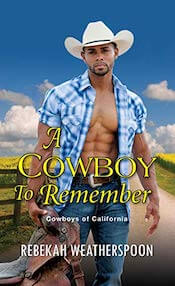
A Cowboy to Remember by Rebekah Weatherspoon (Dafina Books: contemporary m/f):
I tend to either love or hate the amnesia trope. I’m always intrigued when authors play with the importance of memory, but sometimes the tense imbalance between the characters who remember and the characters who forget twists my breath a little too tightly and suffocates my pleasure in the story.
We have none of that happening here, thankfully. Weatherspoon has gifted us a profoundly thorough take on what’s usually a hand-wavey premise: Evie has forgotten everything, not just what’s narratively convenient—she doesn’t recognize herself in the mirror, doesn’t remember in-jokes with her best friend, doesn’t remember how to cook even though the day before her fall she was an award-winning tv celebrity chef. She’s also dealing with the physical fallout of her injury: exhaustion, disorientation, live-in care, the need for new hairstyles, and the scar on her scalp. Things which normally get glossed over as Not Romantic, but which are such powerful ways to explore a character in three dimensions.
Oh yes, and her agent’s pretty sure someone tried to murder her. In case you think Weatherspoon can’t blend emotional subtlety with high-stakes external conflict.
About the only thing Evie does have left is flashes of memory of a gorgeous Black man—who turns out to be Zach Pleasant, one of three brothers who own the California ranch where Evie grew up, and the nearest thing to family she has left. Zach and Evie have A History, and weren’t on speaking terms when she had her accident—he tells her immediately that things between them are strained, and why, but to the reader it is abundantly clear that there is more to their history than Zach realizes. He’s trying to be honest, but how can he be honest with Evie when he hasn’t been honest with himself yet?
Reader, I adored this conflict.
I adored this world. There’s so much there there: so many hooks for the feelings, so much potential. You have to love it when a series starts out this strong.
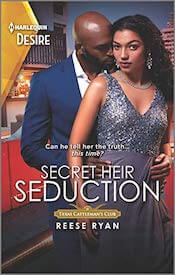
Secret Heir Seduction by Reese Ryan (Harlequin Desire: contemporary m/f):
A good category romance is like a good martini: the ingredients are minimal and easy to get together, but there’s alchemy in the mixing of them. If you’ve had a great martini—a truly great one, blended by an expert—you know there’s no substitute. And you know how very hard it is to get the balance just right.
Reese Ryan’s entry in the multi-author Texas Cattlemen’s Club: Inheritance miniseries has everything a Desire ought to: dazzling glamour, family secrets, and high-octane emotion delivered straight-up, no chaser. Everyone (we see perhaps one too many cameos from past couples in the miniseries) is gorgeous and talented and passionate, reluctant to settle for second-best, determined not to let themselves get hurt again (but doomed to fall in love regardless, of course).
But the thing I loved the most was the way work worked in this novel. Audra is a diamond heiress, sure, and she has more piercings than any Harlequin heroine I’ve seen (tongue stud, nose piercing, belly ring, oh my!)—but first and foremost she is a high-end jewelry designer, and we see on the page how much time and energy she puts into her work. This makes her a perfect match for Darius, a rising performance wear designer and fellow workaholic. They bond over that unique combination of creativity and business ambition, and it gives them a connection besides the sexual that really drives home their suitability as a couple. It’s also a beautiful anchor for the angst—and it left me with a warm, comforted feeling in my chest, just the thing I want from a category.
Darius wanted to walk out. Refuse to play along with the old man’s sick game. But a part of him needed answers. And this was the only way he’d finally get them.
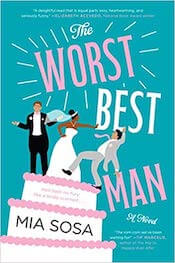
The Worst Best Man by Mia Sosa (Avon Books: contemporary m/f):
I’ve been craving another Mia Sosa book since her exuberant stuntman/gym instructor romance, and it doesn’t hurt that this book has one of the best illustrated covers I’ve seen as that trend resurges.
Max definitely lives up to his title of Worst Best Man at the start of this story: he wakes up achingly hungover, five minutes before the wedding, and with a text from the groom saying essentially You were right, the wedding’s off, tell the bride for me. Dear god. There oughta be a word for this sharp mix of joy/horror one feels watching poor Max flail his way through this first chapter. I loved him at once, fiercely.
The bride is Lina, and — oh dear god — she’s not just a bride. She’s a wedding planner. And she prides herself on her icy control of emotion — not because she doesn’t have any of them, but because she’s a woman of color and the world is primed to turn her feelings into weaknesses. So she handles her business as best she can and gets on with her life. She’s pricklier than Max, warier — and I couldn’t wait to see her learn to trust someone.
They end up working together and hiding the fact that they know one another. They end up stranded at an inn, forced to share a room. It’s a masterclass in all my favorite rom-com beats: Only One Bed, Okay Maybe Just A Fling Then, Oh No My Family Loves You/Oh No My Family Hates You. There’s embarrassment and banter, but no cringeworthy humiliation.
A lot of books are claiming the rom-com title these days — but a lot of them focus more on the rom than the com. Not so here — this book is fucking hilarious. I’ve liked Mia Sosa’s past work, but this story put her firmly on my auto-buy list. She’s pushed herself as a creator, and put so much heart and thought and wit into this. As a critic I can only say: you absolutely love to see it.
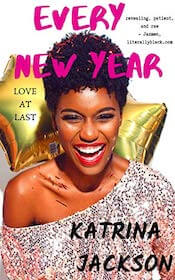
Every New Year by Katrina Jackson (self-published: contemporary m/f):
This is the moment where I confess: I read the wrong Katrina Jackson New Year’s Eve book.
I’d heard something about Katrina Jackson, and a heist, and a holiday, and I grabbed the first likely title and opened it up. And couldn’t stop—this book skewered me through in chapter one and didn’t let up until the epilogue wrung the last ugly tear from my exhausted-but-satisfied heart.
Candace Garret and Ezra Posner meet in college. Their best friends fall in love at first sight and become instantly inseparable—so Candace and Ezra are thrown together a lot. Especially at the couple’s New Year’s Eve parties. Where Candace and Ezra kiss. Then a little more, the following year. Then hookups, every year at midnight, as December 31 becomes January 1 and fireworks burst in the background.
Until it’s too much and they fall apart. Then end up meeting on a flight to South America, on yet another New Year’s Eve.
This is Katrina Jackson in her sweetest, most poignant mode. Do you like pining? The deepest, most helpless, loneliest, lustiest kind of pining? This is your book: both our characters do a lot of it. It’s gorgeously written, and heartbreakingly tender, and it flickers brilliantly backward and forward through the years like an art house film. Shuffled timeline books can be tricky, but this one was incredible—I’m going to have to reread, just for the pleasure of watching how the author manages to tell a forward-moving story almost entirely in flashback.
Candace Garret was tall, almost as tall as him, with big curly hair that framed her head and gave her a few inches more height, wide hips and the brightest smile he’d ever seen. She was also way out of his league. He knew that. She knew that. Everyone knew that. Because Candace Garret was way out of everyone’s league.
This Month’s Con Artist Heroine Who Knows What She Wants And Just Steals It Already
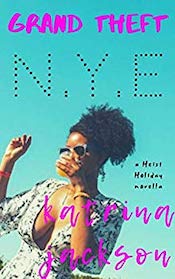
Grand Theft NYE by Katrina Jackson (self-published: contemporary m/bi f):
Indulge me with the rare column that includes two books by one author, because once I realized there were two New Year’s-themed books by Katrina Jackson I had to read both to see how they stood as a pair.
Every New Year was a heartbreaker—this novella is a panty-dropper. We’re back in the world of Pink Slip and Private Eye, where everyone’s up to no good and things couldn’t be hornier. I tend to prefer my erotica joyous and juicy rather than angsty, and this book takes great delight in being creatively filthy and funny and ready to go from the start. Con artist Cleo’s already stolen everything she needs from her mark, and is in the middle of a dramatic exit from a party full of too-rich, too-useless men—when the hot, powerful, and obviously wealthy Mr. Shimizu offers her a ride home. Cleo likes the look and sound of him, and five minutes later they are on the road doing things the highway patrol definitely does not recommend, especially in a convertible. They fuck, it’s great, she steals his car for her getaway before he wakes up.
Of course she can’t get over him. Of course there’s more to Mr. Shimizu than his money and his car. Many books have great banter, and many books have great sex scenes, but any book that can make you laugh and turn you on at the same time is to be treasured. Recommended for any and all Leverage fans, and readers who just need a solid hit of the hot stuff without any of the tortured manpain.
There are orgasms, and then there are life-changing moments between your legs. Cleo had had many of the former and a few of the latter. But this orgasm was different. It was transcendent.
Reading Through It: we all love Coates
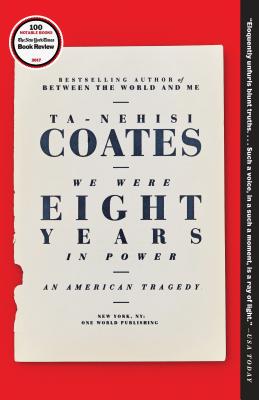
There were no dissenters in last night's meeting of the Reading Through It book club. We discussed Ta-Nehisi Coates We Were Eight Years in Power: An American Tragedy. The collection of essays, one from each year of the Obama presidency, paired with retrospective pieces giving context to, and commenting on, the original essays, is a powerful and rich read. All in attendance were quite taken by the book, which is unusual in our group, which nearly always has at least one dissenter.
We talked quite a bit about Coates' power as a prose stylist, his ability to frame an argument, his insight into systems of power, and their cascading effects on black Americans. Coates' background as a blogger, digging deep into the oft forgotten (or deliberately recast) history of the Civil War, gave him a runway at the beginning of the Obama presidency to frame such a historical president in a starkly historical context. One member talked about never putting it together before, until Coates pointed it out, that Obama's presidency created an editorial and public thirst for African-American perspectives that launched the careers of a new school of social and political critics: Coates, Jamelle Bouie, Gene Demby, just to name a few.
We spent a bit of time — a slim amount, in proportion to its historical importance — on "The Case for Reparations", the essay that launched Coates from a well-known political writer, to a famous writer. We touched on how clear and unassailable his argument was, how focusing its lens on living Americans who were so clearly cheated and swindled, moved the argument for reparations from something removed from a time period white America doesn't understand, to something modern, cruel, and difficult to argue with.
One member read a quote from the essay we spent some time with:
Perhaps the number is so large that it can't be imagined, let alone calculated and dispensed. But I believe that wrestling publicly with these questions matters as much as — if not more than — the specific answers that might be produced. An America that asks what it woes its most vulnerable citizens is improved and humane. An America that looks away is ignoring not just the sins of the past but the sins of the present and the certain sins of the future. More important than any single check cut to any African American, the payment of reparations would represent America's maturation out of the childhood myth of its innocence into a wisdom worthy of its founders.
The essay that garnered the second-most attention was "The Black Family in the Age of Mass Incarceration." Many books, in the over-three year history of our book club, have been painful and difficult to read. But this essay was very affecting to many of our members, who struggled to find meaning in the absolute cruelty of the system Coates so cogently unpacks. The cruelty is the point, after all, not rehabilitation.
Coates' relationship with Obama was a narrative arc told mostly in the commentary on the essays in the book, and it was moving to see a sharp-eyed critic also so admire and work at understanding the target of his criticism. When Coates gained access to Obama, first in off-the-record meetings where they would discuss a wide range of topics, his admiration for the man, even when he was disappointed by his actions or policies, was palpable. Obama has a towering intellect, and Coates took a while to find his own comfort when verbally sparring with the president.
His sharpest critique, for some in our group, was when the administration caved and fired Shirley Sherrod, after video-taped comments she made to the NAACP were re-cut so that it appeared she was saying something opposite of what she actually was. Obama, or his people, reacted knee-jerk to the right wing campaign, firing Sherrod before she had a chance to defend herself. Coates goes deep into Sherrod's past, what drove her to her post at the USDS, after years of activism and civil rights labor. He goes into her family history — her father was shot dead by a white neighbor, who refused to return charges, and a cross was burned on her family's lawn soon after — and how she dedicated her life to improving conditions in the south. The context he gives in his essay makes Obama's decision appear weak, feckless, and cruel, an untrue smear campaign taking down a woman who earned her position many times over.
This book will stand tall on the shelf, compared to many of the other's we have read during the past three years of the club. If you want to understand Obama, the effects of his presidency, and a good-faith critique of his policies, and the cultural context of black America during those years, Coates is every bit as good as his reputation might suggest.
Reading Through It will be back next month, on Wednesday, March 4th, at Third Place Books' Seward Park location. We'll be reading Rebecca Traister's Good and Mad which is 20% at the store for the next month. Grab your copy, and come on down to discuss it.
This will be the last book we cover. After March, we're going to discontinue the club. We've had an amazing run over the past three years, and learned so much from the people who came and shared and learned with us. We're grateful to you all for the opportunity, and to Third Place Books for giving us the forum. It would be fun to have a banner month to celebrate, so please do come if you can.
Thursday Comics Hangover: The monstrous talent of James Stokoe
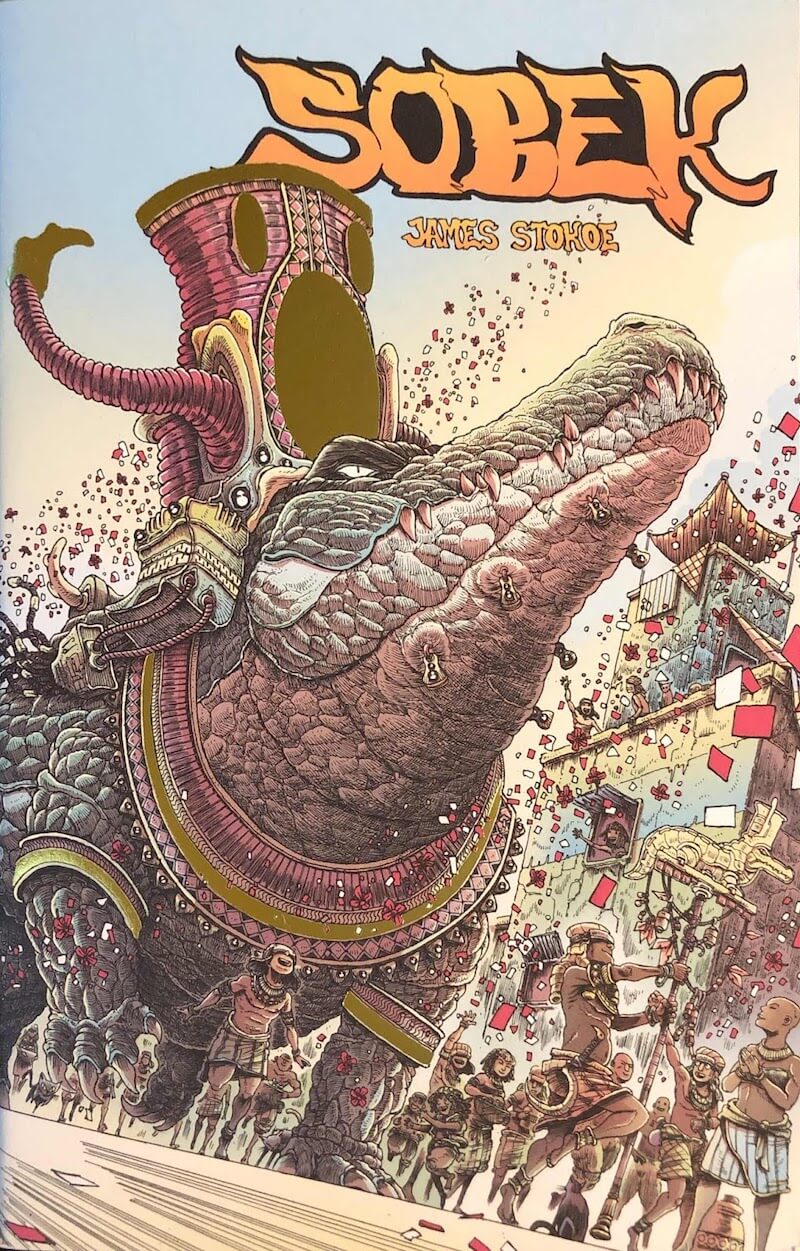
James Stokoe is one of those artists you just want to blindly follow from project to project. He's done licensed work in Godzilla comics and a story based on the Alien franchise. He's done mainstream superhero work. And he works on his own projects. Stokoe is a rarity because he brings the same level vitality and invention to everything he works on — you can't imagine him phoning a single page in. There aren't many artists like that: Jack Kirby and Jim Steranko come to mind, of course, and Stokoe captures some of that same vivaciousness. You get the feeling, looking at the quivering lines of one of his pages, that he just might do something on the next page that will change the medium of comics forever.
On a trip to Portland last fall, I bumbled into a small press publication by Stokoe that I'd never heard of. It's called Sobek, and it's a beautiful one-shot comic that's too thin to be a proper "graphic novel," by which I mean it doesn't have a spine or a dust jacket or any of those other book-y trimmings. Though the cover does have some lovely gold foil elements, Sobek is likely to be passed over by people who buy their comics in bookstores, and that's a shame.
Sobek's plot is pretty simple: the holy leaders of an imperiled (seemingly) bronze-age civilization call on a crocodile god — the titular Sobek — to wreak havoc for them. Havoc is wrought. The end?
But that doesn't come close to describing this book. Sobek is lushly drawn, almost intimidatingly so. In the jungle scenes, you can swear you'd see every single leaf on every single plant that Stokoe crammed into the panel. It's an exercise in excess: exactly how much visual information can fit into a comic panel? On every page?
This visual theme, this too-much-ness, plays wonderfully with the narrative idea of Sobek — that some creatures are just too powerful for the world. In the story, an immensely powerful old god is summoned for revenge. Behind the pages, an immensely powerful artist is summoned to overwhelm the reader. Both the artist and his creation do their jobs perfectly.
Seattle's forgotten history of coal mining
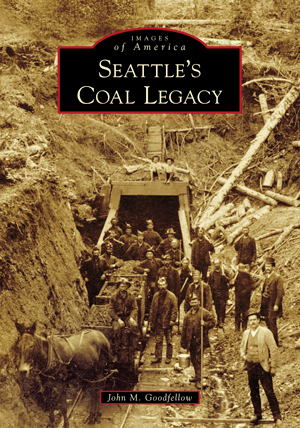
This Sunday at 6 pm, Seattle author John Goodfellow will give a presentation to celebrate his new book Seattle's Coal Legacy, an intensely researched history of the forgotten history of coal mining in the Seattle area, at Third Place Books Lake Forest Park. I talked with Goodfellow on the phone last week about the book, which is illustrated on nearly every page with photographs from the era of the bustling coal industry. What follows is an abridged and lightly edited version of our conversation.
I really enjoyed your book — thanks for writing it. I've lived here for twenty years and I didn't know that the area was a coal mining hub until I happened across the town of Newcastle on a walk and found a plaque explaining the town's history. I was completely unaware that there was any coal mining in the Seattle area. You grew up here; how did you learn that Seattle used to mine and ship coal?
I did an underwater survey project of Lake Union. We were just basically looking at all the ships and boats that have been pushed off from the different shipyards that were there, because they were out of use. They just kind of sunk them out there in the old days.
I realized there was a coal terminal at the bottom of Westlake — what was that all about? I started doing some research and learned that the coal was coming from Newcastle. I've always been very interested in industrial history, especially in the Seattle area and, I knew there was coal because I knew of Black Diamond, which was certainly one of the major mines, and they're the ones who keep the coal history alive. They're very much into their coal history.
Was there ever a risk of Seattle becoming like a West Virginia, in terms of massive coal production?
It was like West Virginia, in some ways, until the demise of coal, which was after the first World War. There were no other coal mines on the West coast. They didn't have coal, so they had to either get it from Seattle or they had to get it imported from from South America.
I guess I was thinking about the strip mining operations in West Virginia, which leaves the landscape completely ravaged.
If you drive that road directly to the east of Black Diamond, there's a big strip mine there up on top of the ridge.
Oh, really? I didn't know that.
Yeah, it looks just like a quarry. It's full of water, and I wouldn't doubt it would make a nice swimming hole, but that was a strip mine and it totally did destroy that mountain.
In general, in Seattle the coal here was not near the surface — it was a seam, and it was going pretty deep. But there were parts where coal was near the surface and that's where they did strip mining. Centralia had a big strip mine next to the power plants down there.
How did you come to get interested in Seattle-area industrial history? It sounds like you've got a whole bunch of books rolling around in your head about the topic.
As kids, we would go on road trips with my parents. And there were — there probably still are — a lot of steam tractors out there. I just became totally fascinated. When I was a little older, the whole energy crisis happened, so there was a focus on questions like "what is energy? How's it used?" That made me very interested in coal. Obviously, at that point, it's only used now for generating electricity, but from a historical perspective, it was very important.
Reading your book, I had to think a lot about how we pride ourselves on our history of environmentalism in Washington state, and we forget about all this stuff from our not-so-distant past. I can't believe I didn't know about this.
Nobody knows about it. I didn't know about it either until I started to really look at it and focus in on it. So it's a surprise.
Why do you think the city has so much amnesia about our coal-producing past?
Coal is dirty, and people in Seattle thought of themselves as part of the new century with the World's Fair and everything, and they were leaving the coal behind. They just stopped talking about it.
But those bike trails like the Burke Gilman trail and the trail along West Sammamish were going to the coal mines in Issaquah. Gasworks Park was coal. So we've taken a lot of this infrastructure of coal and we actually turned it into recreation.
We're surrounded by a lot of coal stacks from businesses that ran coal. I just found one last week — I was going to get underwear at Fred Meyer down in Ballard, and to the south of Fred Meyer, there's a power plant with a coal stack on it for running a factory. It's not being used obviously, but when you see these really big metal stacks, — there's also one on top of Paramount Theater — those are coal sacks. These are used for generating power and heat and everything else.
And they're still around. The UW coal stacks don't burn coal anymore — at least I don't think they do. Also in South Lake Union, there's coal stacks. There are coal stacks down in Georgetown. You start looking around and you start seeing them everywhere. So the history is all there. It's just been sort of repurposed and become part of the Seattle skyline.
Mail Call for February 4, 2020
The Seattle Review of Books is currently accepting pitches for reviews. We’d love to hear from you — maybe on one of the books shown here, or another book you’re passionate about. Wondering what and how? Here’s what we’re looking for and how to pitch us.
Lunch Date: Taking Gideon the Ninth to the basement, which is unexpectedly appropriate
(Once in a while, we take a new(ish) book out to lunch and give it half an hour or so to grab our attention. **Lunch Date** is our comment on that speed-dating experience.
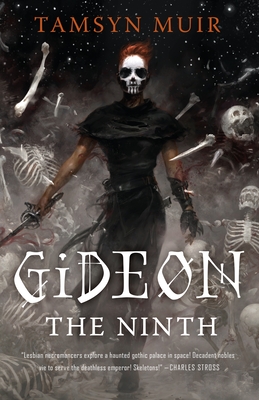
Who's your date today?
Gideon the Ninth, by Tamsyn Muir. Gideon is an indentured broadsword fighter forced to the rapier, and to courtly clothes, to serve as cavalier to her much-loathed mistress — Harrowhark Nonagesimus, heir to the house of Drearburgh. Sarcasm, sorcery, and swordplay follow. Charles Stross describes it as "Lesbian necromancers explore a haunted gothic palace in space." I mean to say!
Where'd you go?
As usual, unfortunately, my ambition to leave the house was larger than my stomach, or, rather, larger than the energy I had left at the end of a long day. So: I went to the basement, where I can read with one hand and flip a cat toy in the other. It's the good life.
What'd you eat?
I had a glass of sparkling rosé and half a dark-chocolate-almond-coconut Kind bar.
How was the food?
Pretty good! Dark-chocolate-coconut is definitely the best sort of Kind bar; it has the category-defying texture of Mounds, with slightly less sweetness and plausible deniability on health value. Louis de Grenelle Saumur Brut is the only sparkling rosé among the standards available at your local grocery store. Crispy little bubbles, entirely lacks the Jolly Rancher flavor that dogs rosés described as "drinkable" ... it's the best thing that can happen to Sunday evening (and Monday night — restraint!).
What does your date say about itself?
From the publisher's promotional copy:
Tamsyn Muir's Gideon the Ninth unveils a solar system of swordplay, cut-throat politics, and lesbian necromancers. Her characters leap off the page, as skillfully animated as necromantic skeletons. The result is a heart-pounding epic science fantasy.
Brought up by unfriendly, ossifying nuns, ancient retainers, and countless skeletons, Gideon is ready to abandon a life of servitude and an afterlife as a reanimated corpse. She packs up her sword, her shoes, and her dirty magazines, and prepares to launch her daring escape. But her childhood nemesis won't set her free without a service.
Harrowhark Nonagesimus, Reverend Daughter of the Ninth House and bone witch extraordinaire, has been summoned into action. The Emperor has invited the heirs to each of his loyal Houses to a deadly trial of wits and skill. If Harrowhark succeeds she will become an immortal, all-powerful servant of the Resurrection, but no necromancer can ascend without their cavalier. Without Gideon's sword, Harrow will fail, and the Ninth House will die.
Of course, some things are better left dead.
Is there a representative quote?
On every single, magical page. Here's just one.
Their mummified faces did not yield to time because — as Gideon knew, and the marshal, and the captain of the guard, and nobody else in the universe — Harrowhark had frozen them forever. Ever the obsessive and secretive scholar, she had derived at great cost some forgotten way of preserving and puppeting the bodies. She had found a nasty, forbidden little book in the great Ninth repositories of nasty, forbidden little books, and all the Houses would have had a collective aneurysm if they knew she'd even read it. She hadn't executed it very well — her parents were fine from the shoulders up, but from the shoulders down they were bad — though she had, admittedly, been ten.
Will you two end up in bed together?
Oh my gosh yes. I can't believe I'm writing this right now instead of curling up — in bed? Anywhere! The basement floor will do! — and blazing through this beauty.
There's lots of pop culture triangulation going on in descriptions of this book; "Daria in space," for example, or random name-drops of The Hunger Games. Nothing wrong with that, but what this reminds me of most is much less pop-y things: Mervyn Peake's Gormenghast and Fritz Leiber's Fafhrd and the Grey Mouser. Muir has got Peake's jewel-encrusted sentences (with just a touch of Jack Vance). And, as when you're reading Leiber, you want to test each jewel against a piece of glass to see which scratches first.
Reading this in the same set of days as Kim and Kim, I can't help feeling nostalgia for a world that wasn't — one in which a certain girl (and lots of others of all persuasions) grew up with stories like these to align with, instead of emerging from an adolescence dominated by Heinlein and other dominant males into years of recovery.
AND it's the first in a series. I haven't felt this grateful to be thousands of pages from "true last chapter" since I discovered Laurie J Marks. Double full speed ahead!
I’m No Piece of Brittle
I'm no piece of brittle
My life plays like a roller coaster ride
Every minute emotions change
The thickness of my skin
Is no reflection of my path
But the path of those before me
The ancestors
The whips, the chains, being thrown off the boat
Hung by a rope
My feet can't dangle in the air
The price has been paid
Ain't got time for fear
Nigga please
Get the fuck outta here
I'm tearing down barriers
The rules of being in my place
Don't apply
Tokens are for Chucky Cheese
I'm building bricks
Splitting trees
I'm standing in the field
Fluffy whiteness to my knees
I breakdown the words
You believe are me
Recognize greatness
The strength in me
Is stronger than what man can see
On my back
I carry the cross
For the ancestors and the slaves
I take the whips for Jesus
I put the spiked crown on my head with ease
I absorb the pressure from the water
My feet aren't planted
They are cemented in purpose
No mirror for the image that is me
My knowledge can't be parted like the Red Sea
R.E.S.P.E.C.T Me
No limits
I'm sitting under the tree
Holding the branches of my blood line
I'm moving through time
With the mind God gave me
To proclaim
My purpose
Stories are my weapons
My words are my strength
My heart and soul will not be broken
My path has been written
No static in my stride
I'm claiming what's mine
The history of my ancestors supports my foundation
The blood of my mother and father is the lava I breath
I proclaim your evilness
Can't break me
Your fear can't rock me
I'm coming to the table
With all of my BLACKNESS
Light, dark, Carmel, midnight and high yellow
This world is nothing without me
Your Week in Readings: The best literary events from February 3rd - February 9th
Monday, February 3rd: Run Me to Earth Reading
Paul Yoon's novel Run Me to Earth is "about three orphaned children trying to survive in chaotic 1960s Laos." He'll be interviewed onstage by Hugo House events coordinator Rob Arnold.
Elliott Bay Book Company, 1521 10th Ave, 624-6600, http:// ttbaybook.com, 7 pm, free.
Tuesday, February 4th: Unsun Reading
Andrew Zawacki's fifth poetry collection investigates signals and patterns and the old ways of doing things and how they change into the new ways of doing things. Hugo House, 1634 11th Avenue, 322-7030, http://hugohouse.org, 7 pm, free.
Wednesday, February 5th: Verge Reading
See our Event of the Week column for more details. Third Place Books Seward Park, 5041 Wilson Ave S, 474-2200, http://thirdplacebooks.com, 7 pm, free.
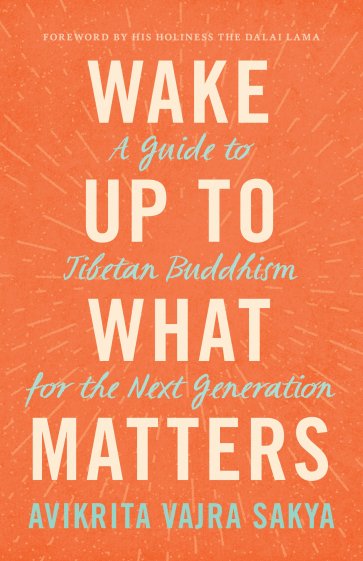
Thursday, February 6th: Wake Up to What Matters Reading
The popular and charismatic young teacher Avikrita Vajra Sakya Rinpoche's book is an enthusiastic evangelist for Buddhism. His book Wake Up to What Matters is an introduction to Buddhism that is meant to appeal to young people. Third Place Books Lake Forest Park, 17171 Bothell Way NE, 366-3333, http://thirdplacebooks.com, 7 pm, free.
Friday, February 7th: What I Carry Reading
Jennifer Longo's novel is about a young girl growing up in foster care who is about to age out of the system when she finally starts to make friends and develop a community.
Third Place Books Lake Forest Park, 17171 Bothell Way NE, 366-3333, http://thirdplacebooks.com, 7 pm, free.
Saturday, February 8th: Daniel Clowes
The last time that Daniel Clowes read in Seattle, I'm pretty sure, was 2008. I can't recall the time before that. And in fact his most recent comic, Patience, came out four years ago. So he's not the most frequent book promoter of our age, is what I'm saying. If you'd like to meet the creator of Ghost World and Eightball and (my favorite of his) Ice Haven, this is your best chance for a while. He's in town to celebrate a studio edition that collects his art into a fancy book.
Fantagraphics Bookstore & Gallery, 925 E. Pike St., 658-0110, https://www.facebook.com/events/883660035386725/, 6 pm, free.
Sunday, February 9th: Seattle's Coal Legacy Reading
Did you know that the region once had a series of bustling coal mines just north of Renton? And that Seattle was once in the top three exporters of coal in the world? John M. Goodfellow's new book, Seattle's Coal Legacy, is all about that forgotten history. Third Place Books Lake Forest Park, 17171 Bothell Way NE, 366-3333, http://thirdplacebooks.com, 6 pm, free.
Literary Event of the Week: Lidia Yuknavitch at Third Place Books Seward Park
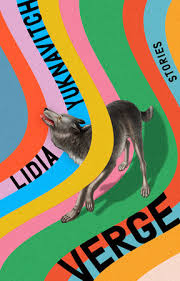
Portland writer Lidia Yuknavitch loves to give voice to the voiceless. Her book Dora: A Headcase offered agency to a young woman who was previously famous solely for being a patient of Sigmund Freud. The Small Backs of Children creates a life for a young woman whose worst day has been made famous by a war photographer. The Book of Joan whips Joan of Arc into a dystopian future and imagines a different outcome for her.
In Yuknavitch's latest collection of short stories, Verge, the author continues examining these themes of her work by focusing on outcasts and victims and castaways from society. They build tiny cities out of garbage and they make up whole new commandments and they are recruited to run black-market organs through cities in decline.
Yuknavitch is one of the Northwest's best writers. She's willfully different from mainstream fiction — her prose is prickly and angry at times, even while it's incredibly beautiful — and she's eager to keep pushing at those boundaries. That independence, that energy, and that ferocity has made her a role model for generations of young Northwest authors.
The fact is, while Yuknavitch loves to write about outsiders, she very well could be something akin to an insider for a new generation. By the time the dust settles, she just might be the most influential regional writer of this generation.
Yuknavitch reads at Third Place Books Seward Park on Wednesday, February 5th at 7 pm. The reading is free.
The Sunday Post for February 2, 2020
Each week, the Sunday Post highlights just a few things we loved reading and want to share with you. Settle in with a cup of coffee, or tea, if that's your pleasure — we saved you a seat! Read an essay or an article online that you loved? Let us know at [submissions@seattlereviewofbooks.com](mailto:submissions@seattlereviewofbooks.com). Need more browse? You can also look through the archives.
Frequently asked questions about your craniotomy
Medical FAQs are impenetrable and unemotional. Either lawyers have pared them down and flattened them out to the point of nonsense, or they’ve been written by specialists with so little perspective that … nonsense, again. We walk (are rolled) into surgery like we’re stepping into a dark room filled with ominous growling — and we don’t know where to find the light switch.
In this short story, Mary South imagines a world in which FAQs receive answers worth hearing: alternately dry and lyrical, sympathetic and caustic, delivered by a jaded brain surgeon who doesn’t have one fuck left to give. Terrifying, hilarious, angry — I wouldn’t let this narrator anywhere near a scalpel, but I’d buy her a drink and give her a hug for sure. From across several rooms, with an armed guard in between.
Can you tell me about your surgical team?
Though I wouldn’t necessarily call us a team, I did fill in as pitcher so the hospital could participate in league softball playoffs. Dr. Jay Katz couldn’t make it because he had a Whipple. Jay is a terror both on and off the mound. He can remove half a patient’s pancreas without having to pee. I’d have to rig myself up with a catheter. Dr. Amy Benson is our go-to skull-base surgeon. She recently returned from maternity leave. Now the only thing we hear about is the coltish softness of fontanels, the magical myelination moment of development when her baby recognized — I mean really recognized — her face. Maybe I’m just jealous she has a child who recognizes her face.
The art of dying
This essay was everywhere for a while, but if I missed it, maybe you did too? Peter Schjeldahl takes the occasion of his death as an opportunity to meander through his life. Wait, that makes it sound self-indulgent and boring, which is my fault, not his. There are so many lovely or funny passages in this itinerant reflection (“Swatted a fly the other day and thought, Outlived you.”). Some of the best are about writing and life, a pairing you’d think had been utterly exhausted.
Writing consumes writers. No end of ones better than I am have said as much. The passion hurts relationships. I think off and on about people I love, but I think about writing all the time.
Writing is hard, or everyone would do it.
You’re reading an exception, which is pouring out of me. It’s the first writing “for myself” that I’ve done in about thirty years, since I gave up on poetry (or poetry gave up on me) because I didn’t know what a poem was any longer and had severed or sabotaged all my connections to the poetry world. An impermeable block has crumbled, my muse being, I guess, the grim reaper.
Under the weather
How will the mental health profession adapt to the end of the world? Badly, one suspects. The turtle on which the whole field balances is the repairable broken-ness of the patient. Psychology is ill equipped to heal people living in a broken world.
The emergent understanding of the psychological harm caused by climate change is at the root of a new field known as ecopsychology. According to one of its founders, historian Theodore Roszak, the purpose of the discipline is to define “‘sanity’ as if the whole world mattered.” Ecopsychologists view the Cartesian separation of mind and body — an outlook taken for granted in mainstream medicine — as antiquated and harmful, and argue that it can lead to people viewing themselves as separate from the planet they live on. Because traditional psychologists limit their examinations to individuals and their internal maladies, they stamp a “sick” label on patients like Chris and me in an attempt to treat the person instead of treating the problem.
Whatcha Reading, Melissa Anne Peterson?
Every week we ask an interesting figure what they're digging into. Have ideas who we should reach out to? Let it fly: info@seattlereviewofbooks.com. Want to read more? Check out the archives.
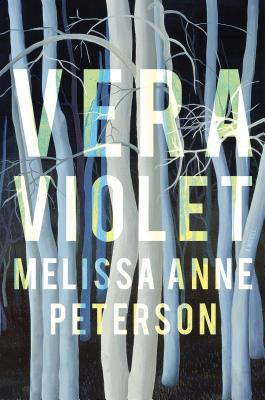
Melissa Anne Peterson is a Washington-based writer who grew up in a "rainy working-class logging town". She's worked in endangered species recovery, and her first novel, Vera Violet, is being released on February 4th. It's a gritty story of teenagers growing up in a twisted rural Pacific Northwest logging town, with no options, and violent outcomes. Peterson will be appearing next Thursday, February 6th at 7pm, at the Elliott Bay Book Company, to talk about her new book.
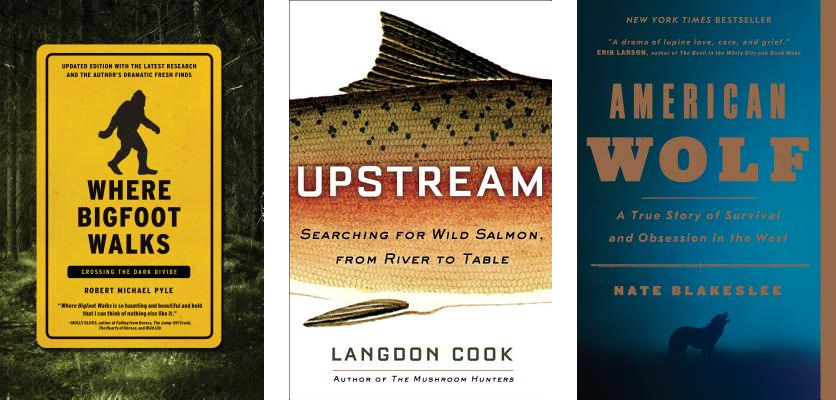
What are you reading now?
I have several books in process, but have been most lately enamored with Where Bigfoot Walks: Crossing the Dark Divide by Robert Michael Pyle. I’ve used Pyle’s butterfly guides, but this is the first narrative book of his that I’ve read. So far, I find it elegant and unique. After I bought the book, I found out it will be celebrated in a film, The Dark Divide, which I look forward to watching.
What did you read last?
I recently finished reading Upstream: Searching for Wild Salmon, from River to Table by Langdon Cook. It’s about the plight of salmon and steelhead in the Pacific Northwest. It differs from other “wild salmon 101” books in that Cook spends time on salmon and steelhead preparation techniques, and the part salmon play in the restaurant industry. I previously worked in salmon and steelhead recovery, so I also enjoyed Cook’s interviews with some key players in the conservation movement.
What are you reading next?
American Wolf: A True Story of Survival and Obsession in the West by Nate Blakeslee. It was a Christmas present, and I’m already a huge fan of the alpha female, 0-Six. I’ve seen the documentary, She Wolf, and heard parts of the audiobook, so I can’t wait to dig into the text.
The Help Desk: Under the skin
Every Friday, Cienna Madrid offers solutions to life’s most vexing literary problems. Do you need a book recommendation to send your worst cousin on her birthday? Is it okay to read erotica on public transit? Cienna can help. Send your questions to advice@seattlereviewofbooks.com.
Dear Cienna,
If you could flay the flesh from the bones of any author, living or dead, and then wear their flesh like a fancy suit and walk around inside them for a while, which author would you choose?
Sera, Madison Park
Dear Sera,
How fun! This is a game Mother and I usually reserve for special occasions, like Y2K or Nicholas Sparks' birthday, but of course I will humor you.
Who would I wear like a wedding dress? Definitely Pearl S. Buck for the day-to-day. When I'm menstruating, a pre-oven Sylvia Plath. Jack Kerouac on days when I need a boost of unearned confidence, and I'd reserve Roxanne Gay for days when I'm forced to attend above-ground parties.
Kisses,
Cienna
The Portrait Gallery: Gelett Burgess
Each week, Christine Larsen creates a new portrait of an author for us. Have any favorites you’d love to see immortalized? Let us know, or see if you can find them in the archives.
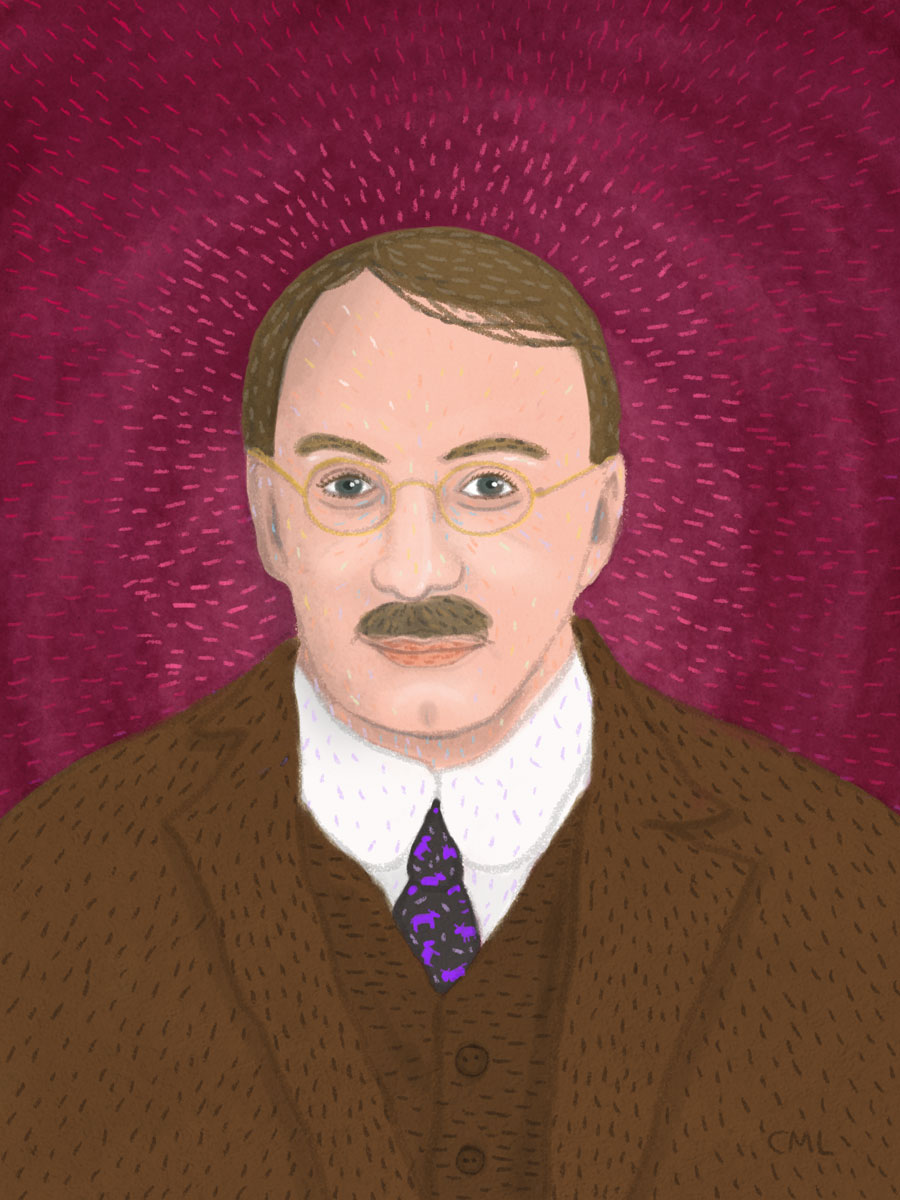
Happy Birthday to Gelett Burgess, who would turn be 154 today, if he weren't 69 years dead.
Burgess was publisher of the magazine The Lark, poet of nonsense verse, and the introducer of French modern art to America. He also coined the word "blurb", by placing a picture of "Miss Belinda Blurb" on the promotional cover of his book Are You a Bromide?, under the headline "YES, this is a BLURB. All the other publishers commit them. Why shouldn't we?"
Of his famous moral instructives, the Goops, he wrote:
The Goops, they lick their fingers,
and the Goops, they lick their knives;
They spill their broth on the tablecloth,
Oh, they lead disgusting lives!
Before Us: Smells like pre-revolutionary France
Once a quarter, lapsed historian and very slow reader Julie Yue dives into the archives to find one vivid historical fiction and one rigorous history book that go together like perfume and ambergris.
Despite being the little weirdo who went straight to the biography aisle at the children’s library, the grown me has not always loved history as entertainment. In fact, too often I abandoned popular volumes of historical fiction, aggravated by the mellifluous descriptions of moonlit cobblestones (we still have cobblestones—they’re not lovely, they turn your feet into pâté) and characters so full of newfangled spunk they could be dropped into a nineties sitcom with little revision. So much historical fiction reads like a tourism pamphlet, making the past feel so available, so conquerable, a world we are free to step into. There and back again.
The work of historians is nothing like that. The past isn’t on view, the archive isn’t a museum you can meander through, with storylines and exhibits carefully laid out. It’s the historian’s job to find the story, to decipher the logic of our predecessors as they excavate catalogues of microfilm, or translate obscure, possibly meaningless, medieval tax records. What’s more, so much of our history has been discarded, censored, and destroyed. And much of it is regulated by social and moral codes we find so distasteful that we suppress it ourselves. It is the work of historians to interpret the meager scraps we’re left with. And their interpretations might surprise you.
Venturing into a different time and place tells us something vital about the diverse human condition. The opportunities for varied and difficult kinds of empathy are endless. The past and the people in it do not exist as a prelude to ourselves. They exist in their own right. They are not necessarily outraged by the same injustices we are, and they are not overjoyed by the same revelations either.
In an effort to think more historically about historical fiction, each of these columns will put one piece of historical fiction and one historiography into conversation, and see what new readings we can uncover. This time, I read French historian Alain Corbin’s seminal work on the history of the senses, The Foul and the Fragrant: Odor and the French Social Imagination (1982) and Patrick Süskind’s Perfume: The Story of a Murderer (1985), a thriller about a murderous perfume-maker set in mid-eighteenth-century France. These two books, published within a few years of each other, offer two views on early modern French society and the way people thought about the way things smelled.

I’m beginning this column by (re)reading Perfume, because I think it’s the perfect example of the best kind of historical fiction. It finds its footing in the specific cultural anxieties of a precise moment in time, and as a result it tells a story that blooms in its setting. The story couldn’t have been told in twelfth-century Belgium or post-war Vietnam. Süskind takes a historian’s lucid attempt at decoding the fears of death and deception of the eighteenth-century French and turns it into your own nightmare.
Perfume doesn’t attempt to simply be an illumination of a time period with characters to fill it. It provides the reader with something more disquieting and rich. Like a historian, Süskind’s book does not simply describe the past, it interprets the past. Like a historian, Süskind takes settings and characters and gives you actors and mechanisms. It forces you to consider a logic you wouldn’t otherwise think twice about. If Corbin produced an intriguing, coherent analysis, Süskind created its thrilling metaphor.
It’s successful because it makes no attempt to configure a world to our sensibilities, in fact it forces you to follow a character who navigates his world using literally the wrong sense organ. While we, literate and freshly showered, walk down the streets watching traffic lights and reading road signs, Süskind’s protagonist follows his nose and can barely string sentences together. And as a result, we get an sensual evocation of a time where the social calculus must have been startlingly foreign but no less complex.
But first, let’s start with the history:
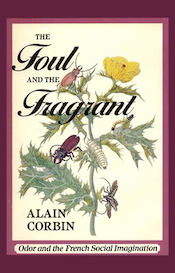
In Corbin’s analysis of pre-modern France, “stenches filled the nose; but they also filled the mind.” A student of the Annales School of History, which broke down the barriers between traditional political history and other disciplines, Alain Corbin plumbed the eighteenth and nineteenth century’s supposedly neutral territories like chemistry and ventilation for hierarchies of order, class, education, and refinement in The Foul and the Fragrant. “Abhorrence to smells,” Corbin writes, “produces its own form of social power.”
In the eighteenth century, odor was deeply connected with identity, life, and death. Every organ had a different smell, every age group, every sex, every difference in diet produced a distinctive atmosphere around the individual. But paradoxically in the era before Louis Pasteur, stench could also kill you. Miasmas were the epicenters of disease, doctors and experts were grievously sensitive to smells. Accounts from the time period insisted that strong, unpleasant odors caused itchy throats, swollen tongues, even foaming mouths and epileptic fits. In the documentary evidence, there was “a collective hypersensitivity to odors of all sorts.”
Olfactory vigilance not only aimed to detect the threat, the risk of infection, but also entailed a permanent monitoring of the dissolution of individuals and the self.
[As early as 1733,] the atmosphere of bodies influenced human relationships at two levels: at the level of personal attraction or revulsion, and at the level of infection.
At the crux of his book, Corbin argues that the perception of the role of smell changed over time. By the nineteenth century with its advancements in germ theory, odor was no longer something to be analyzed for signs of life or disease, two elements that affected all of society. Instead, stench became “traits of the masses,” and social deodorization began. From a world of “everyone smells” to “the poor smell.” The role of perfume also shifted from masking your natural body odor to revealing your inner identity among the now-deodorized bourgeoisie.
If Patrick Süskind only wanted a setting to evoke historical smelliness, he could have blindly drawn any time period out of a hat. Aside from the last eighty years or so, they would have all smelled pretty rank to our modern noses. Paris is still bemoaned for stinking like a latrine.
But Süskind chose to set it in the eighteenth-century, where French anxieties about scent and olfaction were yet not about class or uncomely behavior, but explicitly about personal identity, attraction and revulsion, life and death. And then he made his protagonist a grubby, scentless survivalist and an unrepentant serial killer who used the power of scent as both disguise and domination. Coincidence? I think not. Süskind likely read Corbin.
In Süskind’s world, Jean-Baptiste Grenouille (conveniently, French for frog) is born in one of the stinkiest cities (Paris) in one of the most malodorous eras of human history (the pre-sewer, pre-shower 1738). While he has no scent of his own, Grenouille has an extraordinary nose. And he decides to create his own personal scent through the gruesome killings of lovely, pubescent girls.
Süskind, from the first page, immerses us in this world where everything smelled and no one could escape their own stench:
In the period of which we speak, there reigned in the cities a stench barely conceivable to us modern men and women. The streets stank of manure, the courtyards of urine, the stairwells tank of moldering wood and rat droppings, the kitchens of spoiled cabbage and mutton fat; the unaired parlors stank of stale dust, the bedrooms of greasy sheets, damp featherbeds, and the pungently sweet aromas of chamber pots.
Süskind is clear that this odor was not relegated to the lower class, “The peasant stank as did the priest, the apprentice as did his master’s, the whole of the aristocracy stank, even the king himself stank, stank like an rank lion, and the queen like an old goat, summer and winter.” But in a world where everyone smelled and emitted what Corbin called the “atmosphere of bodies,” Grenouille has one problem: he smelled like nothing. And thus, he repelled people. When passing people on the street, they literally couldn’t see him coming, so attached were they to an unconscious reliance on smell.
Midway through the book, Grenouille realizes his life would be easier if he manufactured a scent that made him stink like other people. Using vinegar, civet, old sardines, rotting cheese and cat piss, he distills himself an imitation human perfume. Then he went out into the street, where for the first time in his life, he was accepted into society.
From his youth on, he had been accustomed to people’s passing him and taking no notice of him whatever, not out of contempt—as he had once believed—but because they were quite unaware of his existence. There was no space surrounding him, no waves broke from him into the atmosphere, as with other people; he had no shadow, so to speak, to cast across another’s face.
With this revelation and his powerful nose, Grenouille begins collecting human scents, with the aim of blending the perfect vial so that every person who saw him would find him irresistible.
After evoking a strange new world of social smells, Perfume, in its denouement, goes terrifyingly off the rails. You realize fearfully that the story wasn’t about odor at all. It was about the gullibility and arrogance of society, how easily our most deep-seated institutions can prove impotent, how quickly we revert to our animal instincts if only given the chance.
Upon its completely logical yet utterly monstrous conclusion, you close the book with your native anxieties on edge, your sense of propriety shuddering. It was a feeling that Corbin only managed to record from doctors and philosophers who held their breath for fear of infestation and death, but now you feel it too, like a slimy frog in your stomach.
Thursday Comics Hangover: The future of superhero comics?
This week, Jerry Craft's book for young readers New Kid made history. Bonnie Burton at Cnet writes:
For the first time ever, a graphic novel has been awarded the coveted the 2020 John Newbery Medal for the most outstanding contribution to children's literature, the American Library Association announced on Monday.
The graphic novel New Kid by Jerry Craft is an uplifting tale of a 12-year-old African-American boy living in New York City's Washington Heights who just wants to go to art school. But instead, his parents enroll him in a private school where he's one of the only students of color.
It seems absurd that it's taken this long in the Newbery's storied history — the award was founded 98 years ago — to honor a comic book. Kids, after all, love comics. They're great at teaching kids how to read (I'm living proof.) The most popular author for kids in the country right now is Raina Telgemeier, who is a very good cartoonist. But comics have had the stench of the gutter on them for so long that a generational shift had to happen. The snobs who discounted comics as genre trash had to slowly retire to make room for a new generation who saw the storytelling possibilities in the medium.
This youthful revolution — or at least youth reader revolution — toward the mainstream acceptance of comics for kids has finally started to affect the big two mainstream comics publishers. DC Comics has recently launched a series of graphic novels for young readers which reimagine their superheroes with less continuity and more of the emotional introspection and character development that young readers have come to expect from their comics.
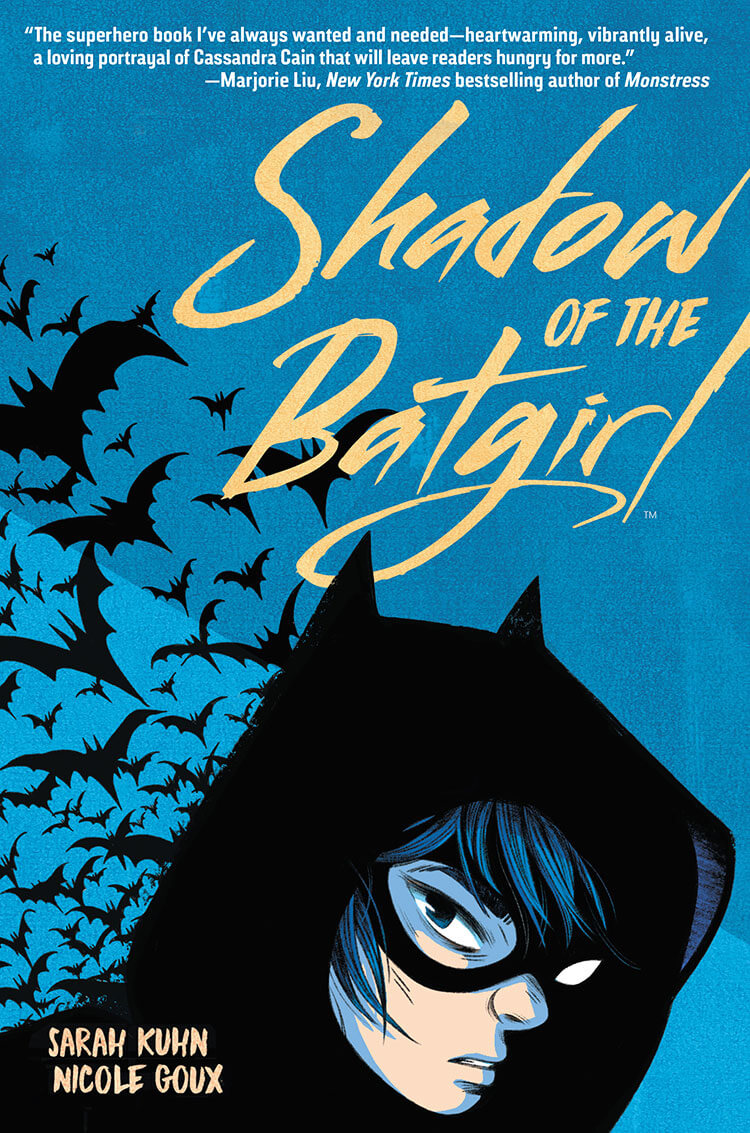
The latest such effort from DC will be in bookstores around the country this coming Tuesday. It's titled Shadow of the Batgirl, it's written by Sarah Kuhn and illustrated by Nicole Goux, and it points the way to a whole new approach to superhero comics for young readers.
Batgirl retells the story of Cassandra Cain, a retooled Batgirl character from the early 2000s. In those comics, Cain was a teenaged assassin, brainwashed and nearly mute. Few writers knew how to handle the character, and she quickly slipped to the background. You don't need to know any of this backstory to enjoy this new book; in fact, it's fairly bold in its reinvention.
Cain, in Batgirl, is still a brainwashed teenage assassin, but in this version of the story she breaks free from her programming and takes up residence, From the Mixed-Up Files of Mrs. Basil E. Frankweiler-style, in a gorgeous library, where she starts to learn about books and socialization and normal life. It's an origin story that doesn't feel like an origin story — instead, it feels like a novel, with a beginning and a middle and an end.
It's hard to imagine artist Nicole Goux ever getting a foothold in the traditional world of mainstream superhero comics. Her work is manga-inspired, but it also carries a lot of inspiration from European comics like Tintin and Asterix. Sometimes character's eyes are just inky black dots, and other times they're expressive lakes of white. Goux picks up and abandons different styles in a single page, whipping from realistic portrayals of teenagers mingling around bookshelves to a wide-angle cinematic pan of a character recoiling in fear from a tiny mouse. Colorist Cris Peter maintains that sense of duality in the book's palette: in action sequences, the book is awash in noirish dark blues and purples, but Cain's world at the library is glowing in warm oranges and yellows.
Hardcore comics readers — by which I mean the men like me in their 40s who popular culture used to envision as the sole audience for superhero comics — will likely agitate against Batgirl because it doesn't reconcile with the superhero books that they buy every month. That's fine; Batgirl isn't for them. It's for the kids. And the vibrant energy that it brings with it — a little more realistic, a lot less macho, a lot more compassionate — points to a new future for the publisher. It's easy to imagine books like Batgirl becoming the new normal for superhero comics. The future looks bright.
This Saturday, stand up for our trans neighbors at Seattle Public Library
This Saturday, a group with the ridiculous acronym WoLF, which traffics in anti-trans panic, will be hosting a meeting at the Seattle Public Library downtown. SPL's Chief Librarian, Marcellus Turner's decision to host the meeting is an outright failure to uphold SPL's mission of inclusivity, and so it's up to us, the literary community of Seattle, to do what Turner was too cowardly to do: Stand up to WoLF and signal to the community that anti-trans hate is not acceptable.
Here is a Facebook invite to the rally, which begins at 4 pm at City Hall. At 5:45, the rally turns into a four-block march and outdoor protest at Seattle Public Library at 6 pm. You should go; SPL has repeatedly failed its trans patrons, staffers, and neighbors, and it's up to us to fix their mistake.
If you absolutely can't make it Saturday, you should definitely sign this petition demanding that "Seattle Public Library's administration make significant changes to repair its reputation and relationship with the trans community," with specific policies and actions spelled out for the library to follow. (Of course, if you can make the protest, you should still sign the petition.)
I really urge you to attend this rally. If you're reading this site, you are a member of Seattle's literary community. And it is up to us to correct Turner's egregious failure to protect everyone in this community.
Also, please follow Gender Justice League on Twitter, as they'll offer up-to-the-minute details about the rally.
The Subject is Predicate: Talking with the founder of "personal book shopper" service Predicate Booksellers
Founded in summer of 2019, Predicate Booksellers seeks to offer one-on-one bookselling experiences to people who want a more bespoke experience than the traditional independent bookstore has to offer. We talked with Predicate founder Wesley Minter about his neat new venture, which provides personalized handselling, curation, and home consultations for those in need of book advice.
Are there any more booksellers on your staff? What kind of bookselling experience do they have?
There are currently four of us, all told. I am the founder but Predicate is also shaped by three other booksellers: Niki Marion, Sam Kaas and Haiden Lisenby. If you add all of our experience together, it lands just on the far side of forty years of bookselling. Our reading tastes are widely varied but we all have one thing in common: we each see bookselling as a craft. Sharing that with local readers and each other has created an ability to work together intuitively and learn from one another.
Can you give an elevator pitch of what your services are?
We are personal book shoppers offering appointments for readers of all ages. Each one-hour appointment is spent discussing a thoughtful, concise stack of recommendations. A book purchased at a local independent bookstore is always the client’s to keep, as well as a solid list of other titles we’re confident are a good fit. It’s great for individual readers as well as book clubs who might need a little guidance planning future selections. And what most excites me personally: we offer curation for anyone looking to bulk up personal book collections of any size, from a simple stack on your nightstand to an entire library.
What's Predicate's ideal customer?
We are looking to connect with any reader who values a human exchange over the cold, sales-based recommendation of an algorithm. Folks who value expertise and personal service over the vacuum of corporate convenience. Sharing how we react to books and ideas is an intimacy that benefits a community and few cities understand that better than Seattle.
The four of us are all have wildly different reading tastes but we talk about books similarly and those far-flung tastes are our greatest asset. Pooling our individual tastes make it easy to create a distinct experience for readers and Predicate is perfect for people who like a little extra, tailored touch. And, personally, anyone who wants to talk about Mary Robison.
What services do you offer that are different from traditional bookselling?
Extreme flexibility and nominal distraction. We are entirely mobile and our service is largely one-on-one. Where an appointment takes place is up to the customer: their home, favorite coffee shop, wherever they’re most comfortable. There are no new release tables to overwhelm you if you’re not in the mood to browse. There are no lines, not as much noise or static. Just a little old-fashioned human interaction and a small, sharply executed stack of books chosen for you and you alone.
It is not our aim to compete or take away from the fantastic independent bookstores in Seattle - I hope what we do supports them and the reading community at large. All books we provide come from local indies and a good chunk of each appointment is spent recommending not just books but all of the wonderfully eclectic and energetic booksellers who call Seattle home.
I love the name. Can you offer a little insight into where your inspiration came from?
I wish it were something romantic or profound but in elementary school I just loved the tidy aesthetic of diagramming sentences. The predicate is where all the action happens in a sentence, what gives the sentence its meaning. Nothing has brought more meaning to my life than reading. It just fits.
Book News Roundup: Huge Cloudy gets some love, American Dirt gets canceled
-
Seattle poet Bill Carty's collection Huge Cloudy has been longlisted for a Believer Book Award, which is no small feat. (Fun fact: The Believer Book Award is how I learned about the novelist Sam Lypsite, as his hilarious novel Home Land was selected in one of the very first years of the award's existence.
-
Elissa Washuta, a former Seattleite who still has strong ties to the Northwest, has announced that her next book of linked essays, White Magic, will be published by Tin House in 2021.
-
Daniel Hernandez at the Los Angeles Times published an amazing piece titled "‘American Dirt’ was supposed to be a publishing triumph. What went wrong?" The piece is an indictment of American Dirt and its ham-fisted approach to the topic of Mexican immigration, but it's also a huge indictment of Big Publishing and its multi-million dollar promotional machine. This kind of stuff is really gross:
Critics noted a string of similar casual-seeming social posts from famous figures such as Yalitza Aparicio (“Roma”), MJ Rodriguez (“Pose”) and Gina Rodriguez (“Jane the Virgin”). [Salma] Hayek, the Academy Award-nominated Mexican actress, posted her own glowing review for “American Dirt” [on Twitter] later in the week, then deleted it on Friday. “I confess I have not read it and was not aware of any controversy,” she said on Instagram. Each entertainer displayed an e-reader version of the novel and nearly all of them thanked Winfrey for sending the book, hinting at a multiplatform publicity campaign.
-
I don't know why, but Salma Hayek urging people to read a book she didn't even read hurts me deep down in my heart.
-
Meanwhile, American Dirt readings and signings with author Jeanine Cummins in La Jolla and Pasadena have been canceled. At the time that I'm writing this, the February 1st Cummins appearance scheduled for Third Place Books Ravenna has not been canceled.
Made for walking
Published January 28, 2020, at 12:00pm
There are a lot of books about walking, but none that feel like a walk quite the way Lizzy Stewart's Walking Distance does.
Four-twenty-one
(Side-scroll to see full lines)
Our parents wouldn’t let us name him, so we called him
421, from the yellow tag stapled to the black fur of his left ear.More dog than calf, he liked to lick the salt
from our skin, followed us beneath the grape arbor,through clover patches, back to the chicken house
where he’d tickle corn from our bare hands.I liked him because he followed us and hated blackberries,
toothy brambles and fat berries hiding too manyseeds. And though we couldn’t name him, like the Toyota
we’d christened Pearly, the rabbit Clover, the persimmon treeby the clothesline Sam, we sang him songs with his new name,
murmuring into his too-big eyes, the number growingsweet and fat as he did, as the blackberries, as the corn
when it sat in water. In a few weeks he outgrewthe chicken house, moved to our neighbors’ pasture with George,
the mean old cow, who chased us if we came inside the barbed wire fence.Six months and he was sold, the pasture only George.
The things we cannot name are splintersworking slowly out toward skin:
my blackberry stain memories of the pasturewith mean old George and piles of manure,
my brother and me leaning on the fence, stretching our hands through.
It's time to apply to Mineral School!
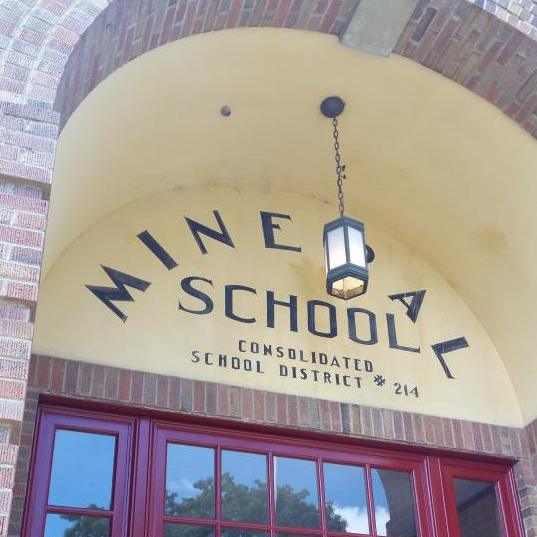
Sponsor Mineral School is back to make sure you're aware of this very important fact: applications are currently open, and the deadline is February 15th! Get your applications ready!
Are you one of the rare Pacific Northwest writers who hasn't yet heard about Mineral School, the converted old school building in Mineral, Washington? That hosts writers for residencies in amazing bedrooms made from huge old classrooms? That feeds you, and brings in visiting writers to work with you? Good news! You can find out much more about this unique, wonderful, and compelling residency on our sponsor's page, of course. Also, Mineral School will be at Hugo House February 1st for their "Everything you wanted to know about applying for a residency" session. Don't miss out on applying to one of our favorite local resources.
It's sponsors like Mineral School, who return each year, who show you how effective our platform is for getting the word out. We're getting our next batch of sponsorships ready to ship — want to be the first to know? Already have date in 2020 you want to snag? Write us at sponsorships@seattlereviewofbooks.com and we'd be happy to help you out.
Your Week in Readings: The best literary events from Jan 27th - Feb 2nd

Monday, January 27th: I Shimmer Sometimes, Too Reading
How's this for the first line of a bio: "Porsha Olayiwola is from the future!" Boston's Poet Laureate, Olayiwola, is fusing the genre of Afrofuturism — which popularly found its footing in sci-fi and comics like Black Panther — with poetry. If the bio is true, I want to join Olayiwola in the future.
Elliott Bay Book Company, 1521 10th Ave, 624-6600, http://elliottbaybook.com, 7 pm, free.
Tuesday, January 28th: Black on Craft
Poet Amber Flame's discussion series which invites "Black writers and creatives [to] discuss the hows, whys, and methodologies of their artistic practice" has put together a killer lineup for its latest edition: Boston poet Porsha Olayiwola, who read on her own last night at Elliott Bay Book Copmany, and Seattle poet Quenton Baker. It's two young poetic geniuses talking poetry and Blackness and just generally being great onstage together.
Hugo House, 1634 11th Avenue, 322-7030, http://hugohouse.org, 7 pm, $5.
Wednesday, January 29th: Jodi Kantor and Megan Twohey
Let's get this up front: I only half-liked She Said: Breaking the Sexual Harassment Story That Helped Ignite a Movement The first two thirds of the book, which detail Kantor's and Twohey's efforts to cover the sexual harassment allegations against Harvey Weinstein, is a thriller of a book. The book perfectly captures the hard work and diligence that went into ethically covering a slippery subject. The last part of the book, though, is about the Brett Kavanaugh hearing, and without the ticking clock of the Weinstein story, it feels more rote and less compelling. Still, you'll want to attend this event with the authors, who will hopefully have some insight into the #MeToo movement today and the ongoing Weinstein trial playing out in New York right now.
Benaroya Hall, 200 University St., 215-4747, http://seattlesymphony.org, 7:30 pm, $35.
Thursday, January 30th: Lyric World
See our Event of the Week column for more details.
Town Hall Seattle, 1119 8th Ave., 652-4255, http://townhallseattle.org, 7:30 pm, $10.
Friday, January 31st: Youth Speaks Seattle Qualifying Slam
As they say at Youth Speaks: "The youth right now is the truth right now. This competitive poetry event offers a supportive but tense air, as our city's leading youth poets learn who will represent Seattle in the national slam competition. This event features poet Christopher Diaz.Town Hall Seattle, 1119 8th Ave., 652-4255, http://townhallseattle.org, 6 pm, $10.
Saturday, February 1st: The Best New True Crime Stories: Serial Killers Reading
Mitzi Szereto has edited an anthology of true crime writing about serial killers, and tonight she's going to discuss what it was like to assemble this honkin' huge collection of death and creepiness and monstrous behavior.
Elliott Bay Book Company, 1521 10th Ave, 624-6600, http://elliottbaybook.com, 7 pm, free.
Literary Event of the Week: Lyric World at Town Hall Seattle
“I wanted to curate a series that could really focus on the social role of poetry rather than just having poets in to read from their most current work,” Shin Yu Pai told me about her brand-new series Lyric World, which debuts on Thursday at Town Hall with help from KUOW.
Each event brings poets and performers together to read work and join in conversation on a pre-ordained topic. The launch event is all about wonder, and Pai has assembled a hell of a lineup.
Poet and magician (!) Thomas Pruiksma will be in conversation with poet Melanie Noel, who explores the breadth and limitations of sensory experiences in her work. It's genius of Pai to combine a poet who spends a fair amount of time convincing audiences to ignore the evidence right in front of them with one who is so dedicated to the reality of sense.
At the beginning of the evening, kora player and griot-trained jeli Ibrahim Arsalan will perform muscin on the theme as well. I suck at describing music, so here's a tiny taste of what Arsalan's kora playing sounds like:
See? That feeling in your chest right now is wonder. It all makes sense.
Town Hall Seattle, 1119 8th Ave., 652-4255, http://townhallseattle.org, 7:30 pm, $10.
The Sunday Post for January 26, 2020
Each week, the Sunday Post highlights just a few things we loved reading and want to share with you. Settle in with a cup of coffee, or tea, if that's your pleasure — we saved you a seat! Read an essay or an article online that you loved? Let us know at submissions@seattlereviewofbooks.com. Need more browse? You can also look through the archives.
Magic mountain
I remember a time when I was blissfully unaware of Davos, and then I remember a time when I was aware of it without really understanding it. For a member of the comms team at a large global health-oriented nonprofit, Davos was a last-minute email campaign, an annual moment of predictable unpredictability, a few paragraphs to be assembled, pushed, and forgotten.
Through exposure, my understanding grew, but somehow I missed the phase where I admired, respected, and waited breathlessly to see the outcome of this gathering of giants. Displays of status leave me not just cold, but irrationally furious. The World Economic Forum could end with a comprehensive (and executable) plan to solve the world’s ills, and I’d be as likely to light it on fire as praise it.
I have a problem, I admit.
Nick Paumgarten went to Davos in 2012 and wrote about it for The New Yorker. He showcases the ego, the arrogance, and the unearned power of the people who go — how very much the gathering is about power climbing on power, and how very little it’s about anything else. Revelations here? Not really, but a detailed and experiential report that looks straight up the WEF’s nose.
Davos is, fundamentally, an exercise in corporate speed-dating. “Everyone comes because everyone else comes,” Larry Summers told me. A hedge-fund manager or a C.E.O. can pack into a few days the dozens of meetings—with other executives, with heads of state or their deputies, with non-governmental organizations whose phone calls might otherwise have been ignored—that it would normally take months to arrange and tens of thousands of Gulfstream miles to attend. They conduct these compressed and occasionally fruitful couplings, the so-called bilateral meetings, either in private rooms that the W.E.F. has set aside for this purpose or in hotel rooms, restaurants, and hallways. All that’s missing is the hourly rate.
The girlfriend's guide to gods
Speaking of powerful, contemptible men: Maria Dahvana Headley has mastered whatever the opposite of magical realism is — pulling myths into our world, then rubbing grime on them until it’s like they’d always been here. Her new short story does a brutal and brilliant job at griming up the gods and god-like men of Greek mythology. If you’re a woman, you’ve almost certainly dated these bastards. If you’re a woman, you’ve long since learned what “god” is another word for …
You’ll ignore what you know, and get it on with Icarus in an extra-long single dorm bed. When he rolls off, there will not be any room for you on the mattress, so you’ll sleep on the floor. He’ll be super sweet though. When you wake up, he’ll give you half a protein bar and take you to the free screening of Satyricon.
My Instagram
Everybody’s hating on social media these days, so much that it’s hard to find something original or new (or worth your time to read). Dayna Torotorici’s detailed history of her relationship with Instagram isn’t new, per se, but the way she exposes her own vulnerabilities, and how Instagram exploits them, feels new. She weaves delicately between the hot-take haters and the big-data fear-mongers while proving the point of both: social media is shaping more than our spare time.
Modern voyeurism has precedents, even the multiple-window kind. The entangled dynamics of who sees whom and who knows they’re being seen have always been present. Where Instagram seems truly new — beyond the introduction of machine learning and commercial surveillance to the mix — is in the strange instability of the viewer’s position as a subject. A voyeur knows what kind of viewer he is, but looking at Instagram, you are not always a voyeur. Neither are you always a witness, nor any other single kind of watcher. Each post interpellates you differently. Your implied identity slips with each stroke of the thumb.
Whatcha Reading, Jessica Hurst?
Every week we ask an interesting figure what they're digging into. Have ideas who we should reach out to? Let it fly: info@seattlereviewofbooks.com. Want to read more? Check out the archives.
Jessica Hurst is the owner of Mercer Street Books, one of our very favorite used bookshops in Seattle. She always has amazing recommendations, and no doubt will guide you to discover authors you don't know but wish you did, and works by authors you do, but have yet to have find.

What are you reading now?
I’m almost always reading four or five books at once, often things that counterbalance each other. If I’m reading something true, I may also need to read something made up. If I’m deep into something long I need to keep a few short books going as well. I often pick up a second book that contextualizes or counters or complements the first book I was reading before I’m half done. And if a book has been recommended to me, I may also read something that I won't tell anyone that I've read just for the pleasure of having a secret. It isn’t a hard and fast rule, but rather a pervasive tendency. In the interest of brevity, I'll just chart the high tide of my current obsession which shows no signs of ebbing.
I'm about half way through The Lady and the Monk by Pico Iyer. I'd never read any Iyer until about a month ago when he was recommended to me by a customer. Now I cant get enough. This one is an interesting read in that it's the most self-reflective of his work that I've read so far. While the previous books have mostly used Iyer as a hyper intelligent lens through which to gaze upon the world, The Lady and the Monk focuses his poetic eye inwards and follows his romantic entanglements with his future wife and with Japan itself.
What did you read last?
It all started with A Beginner's Guide to Japan: Observations and Provocations by Pico Iyer. Brief, bright vignettes are clustered together like candles to illuminate already brilliant observations about Iyer's adopted homeland of 32 years. No matter how long he stays, he's never quite an insider. Perhaps, you learn, that's part of the appeal. The fragmented, non-narrative nature charmed the heck out of me and reminded me of other favorites like Fernando Pessoa.
Next I read Sun After Dark (by, of course, Pico Iyer.) Mr Iyer wanders through literal and political darkness in this, my favorite of his books. Chapters on insomnia and how a foreign city acts on you when you can't keep to its normal hours follow chapters that accompany singer Leonard Cohen through his residence at a Buddhist monastery, a place both holy and a depository for Cohen's pain. There was something warm yet haunted about this book that made it a great winter read.
What are you reading next?
Autumn Light by Pico Iyer. Because I find it's best to just let these compulsions play out. In reading, like nowhere else, you can eat until you've had your fill.
The Help Desk: Judge a cover by its book
Every Friday, Cienna Madrid offers solutions to life’s most vexing literary problems. Do you need a book recommendation to send your worst cousin on her birthday? Is it okay to read erotica on public transit? Cienna can help. Send your questions to advice@seattlereviewofbooks.com.
Dear Cienna,
Book cover design has gotten very good, by which I mean if you walk into a bookstore and check out the new release wall, none of the books are so ugly that they're offensive. That's good!
But just as there are no truly ugly book covers anymore, I think there are no truly great book covers anymore, either. I'm thinking of the good old fashioned Salinger white covers with the rainbows, or the Great Gatsby cover with the eyes, or the uber-90s-goth Bell Jar cover with the dead rose.
Book covers now are very safe. They're all abstract colorful landscapes, or glimpses of body parts — jaws, feet, necks — that don't impinge upon the reader's imagination of what the characters in the book should look like. Whatever happened to illustrating scenes from the book? Why wouldn't you try to make a book cover that interacts with the book, rather than one that just sits there and looks pretty?
But I don't want to be nostalgic for a past that doesn't exist. Are there any good book covers anymore, Cienna? Or will you make my week by telling me that I'm right?
Eva, Lynnwood
Dear Eva,
There seems to be a disconnect between the book covers you cite – rainbows, eyes, and dead roses – and what you expect a book cover to do. How are those not abstract conceptualizations of books?
Don't be embarrassed. We're all wrong sometimes. Just last night I had someone – a man – mansplain at me that an alligator cannot be my progeny. He did not back down, even after I showed him photos of Beatrix crowning from my vagina. (Obviously, it was a symbolic act. Obviously, she hatched from an egg first and then only executed a quick dip inside me, like a freaky polar bear plunge, as my pediatrician warned me that the natural biome of my uterus is "hostile to life.")
It is absolutely criminal the way some people regard adoption as inferior to biological procreation.
But back to your question. Personally, I enjoy medical dictionaries that graphically depict things like a person's face sans skin. Also, cookbooks with tacos on the cover. I rarely cook but I do enjoy fondling a beautifully illustrated cookbook; the images go great with a bottle of wine.
I can appreciate you romanticizing the book covers of yon – I think we often fawn over reminders of the past. But remember: the past is history. That alligator will never again fit inside that vagina, no matter how many industrial spacers we may buy.
Kisses,
Cienna
The Portrait Gallery: Edith Wharton
Each week, Christine Larsen creates a new portrait of an author for us. Have any favorites you’d love to see immortalized? Let us know, or see if you can find them in the archives.
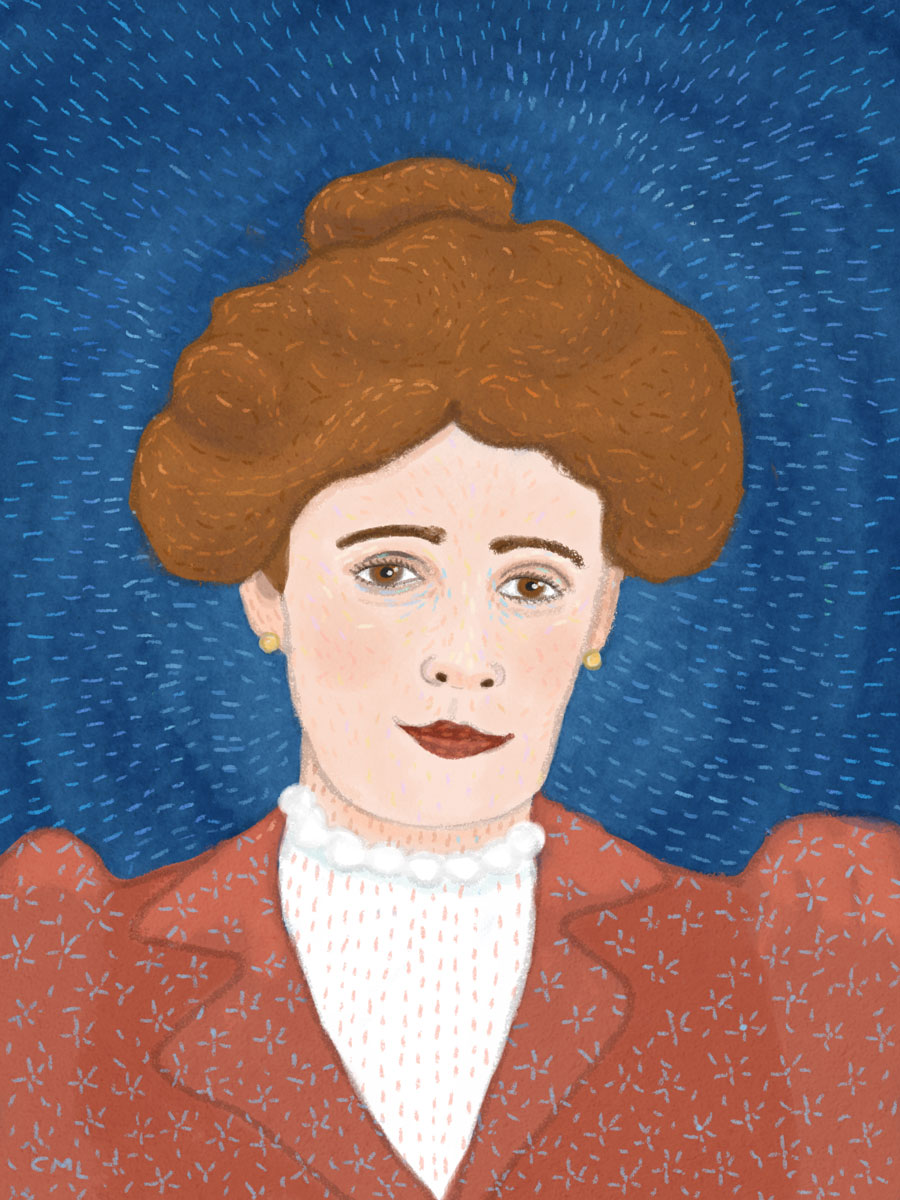
Happy 158th anniversary of your birth, tomorrow, Edith Wharton! So many books to discover in her library, if you've never read them. Here are a couple good quotes: “She was so evidently the victim of the civilization which had produced her, that the links of her bracelet seemed like manacles chaining her to her fate.” — from The House of Mirth, and this particularly pithy refrain from War & Travel: "There are two ways of spreading light: to be the candle or the mirror that receives it."
Criminal Fiction: The year of perfect vision has begun
Every month, Daneet Steffens uncovers the latest goings on in mystery, suspense, and crime fiction. See previous columns on the Criminal Fiction archive page
Reading around: new titles on the crime fiction scene
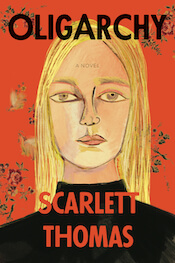
A palpable thread of menace winds relentlessly through Oligarchy by Scarlett Thomas (Counterpoint), in which Natasha, the daughter of a wealthy Russian businessman, lands at a boarding school in the north of England. Her home-away-from-home posse includes the French and fabulous Tiffanie, the highly dramatic Bianca, the extroverted Rachel, the sly Lissa, and non-border Danielle, at whose house they all indulge in freely available WiFi. (At the school they are limited to an hour per day). The girls obsess about Princess Augusta, a local aristocrat whose portraits hang on the school walls and who died tragically in a nearby lake. They indulge in eating disorders – applying serious amounts of peer pressure on each other – and over-consume alcohol when they can, taking us effortlessly along on their ride. But this darkly funny novel of suspense, glorious in its scope, is just as interested in delineating the decadent capitalism glittering within contemporary London, the easy, casual cruelty integral to criminally funded wealth, and the pitch-black impulses that can lurk within the human heart.
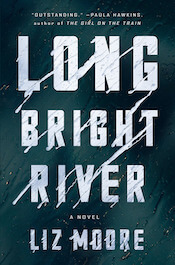
Liz Moore’s Long Bright River (Riverhead) throws America’s opioid crisis into sharp, stark relief, capturing, on a very local level, the sheer scale of its destruction. But Moore’s perfectly wrought story of a Philadelphia policewoman, Mickey, searching for Kacey, her addict sister, never devolves into gratuitous overindulgence. With an apparent serial murderer out on the city’s streets targeting vulnerable women, Mickey is overwhelmed with worry, attempting some off-the-books sleuthing of her own while putting her job at risk. The edgy and spare writing is a perfect match for Mickey’s withholding personality as she searches for Kacey, spars with her colleagues, and, most movingly of all, shares the story of the childhood that shaped two sisters into such seemingly different personalities.
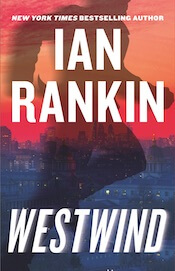
Ian Rankin’s Westwind (Little, Brown) rises again: This is the first U.S. publication of Rankin’s standalone 1990 espionage thriller which, scarily enough, is creepily redolent of certain contemporary events. Okay, there are some throwbacks – smoking-seat availability on planes, for one thing – and the writing isn’t always as polished as it is in Rankin’s Rebus novels, but this crafty story of surveillance, spooks, and ordinary people finding themselves in extraordinary situations is still well on the money. Martin Hepton, our Everyman hero and modest British satellite observer, finds himself suddenly having to puzzle out why a U.S. space mission ended badly and why his colleagues are being targeted by an alarmingly successful assassin. Meanwhile, the American military is busy pulling out of Europe, possibly taking the Brits with them. As generals clash with civil servants – and with a bevy of authority figures blatantly mis-wielding their power – this 30-year-old novel manages to be both of its own time as well as of ours.
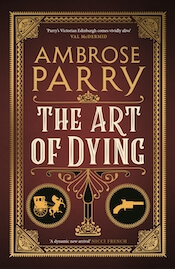
In The Art of Dying (Canongate), their terrific follow-up to 2018’s The Way of All Flesh, wife-and-husband team Marisa Haetzman and Christopher Brookmyre – collectively known as Ambrose Parry – extend their immersive world of 19th Century Edinburgh, seamlessly mixing real-life characters with fictional ones and bringing the city’s presence as a leader in medicine to vivid life. While doctors and patients alike are coming to terms with the discovery of chloroform – and as ne’er-do-wells are exploring their own uses for it – a mysterious nurse appears to be taking matters of life and death into her own hands. Happily, housemaid-turned-doctor’s assistant Sarah Fisher and Dr. Will Raven are on the case: Sarah is coming into her own, inspired by the rising wave of feminism – Mary Wollstonecraft’s A Vindication of the Rights of Woman shines its literary light throughout the novel – while Will is struggling to define who he wants to be. Still, together, they present a detective force to be reckoned with. Brookmyre draws on his thriller-writing expertise as deftly as Haetzman, an anesthetist, utilizes her MA in medical history, making The Art of Dying, as one character says to another, “‘…fiendishly clever….Or cleverly fiendish,’” and pure, unadulterated reading pleasure.
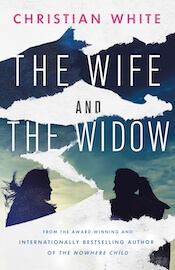
In The Wife and the Widow (Minotaur), Christian White’s follow-up to his celebrated debut The Nowhere Child, two women struggle to come to terms with what they thought they knew about their lives. Set on a holiday island off the coast of mainland Australia during winter, the off-season hollowness of the setting imbues this thriller with its chilling, claustrophobic atmosphere as Abby, a taxidermist who also works at the local grocery store, makes one unwelcome discovery after another about her husband. Meanwhile, Kate, a well-off, stay-at-home mom, is on the warpath to discover why her husband has been pretending to speak with her from an overseas conference when a single phone call to his office has exposed an even bigger lie. White’s sophomore outing succeeds as both a clever literary puzzle and an insistent page-turner.
The Quintessential Interview: William Gibson

The ever-astute William Gibson follows up 2014’s The Peripheral with Agency, in which myriad characters in various time frames grapple with and manipulate cutting-edge technology as well as the latest political developments. When Verity, an early 21st Century app whisperer interacts with Eunice, a highly evolved – and perpetually evolving – AI, the scene is set for all kinds of head-scrambling shenanigans. Gibson has been chronicling our times with a perceptive eye on the near future for nearly 40 years now, and his authorial hand is as evocative and as sharp as ever. He lives in Vancouver, Canada.
What or who are your top five writing inspirations?
When I was starting to write, I might have said JG Ballard, Thomas Pynchon, David Bowie, Lou Reed... At this point I don’t think that way. Inspiration is the last thing I read that I found really wonderful!
Top five places to write?
In our dining room, which is set up as our library. In my car, parked somewhere with a view. In a Starbucks, if there’s an easy chair available between busy periods. Parked somewhere with a very different view. Likewise, another view.
Top five favorite authors?
I don’t have those, the way I once did. I miss David Foster Wallace and I’d love to see what he’d have done with our newsfeed today. Likewise JG Ballard, though in a way he’d already done our newsfeed today. Iain Banks. I want a new Jack Womack novel. And new nonfiction from Iain Sinclair, particularly his take on the Brexitition, though like Ballard he’s somehow already cumulatively done it.
Top five tunes to write to?
I’m not currently listening to music as I write, but am lately haunted, deeply, by a song called “21st Century USA” from the new Drive-By Truckers album, lyrics by Patterson Hood. DBT have been quite an inspiration to me generally.
Top five hometown spots?
A park just east of Main renamed Dude Chilling Park, mainly because it was renamed that. Vancouver’s Chinatown, as it struggles to resist gentrification. Liberty, a great bakery-cafe on Main Street. Siegel’s Bagels, 1883 Cornwall, get the Big Breakfast Bagel. Mamalee Malaysian Delight on West Broadway, for Singaporean classics.
Thursday Comics Hangover: I wonder when she'll get a truly great series
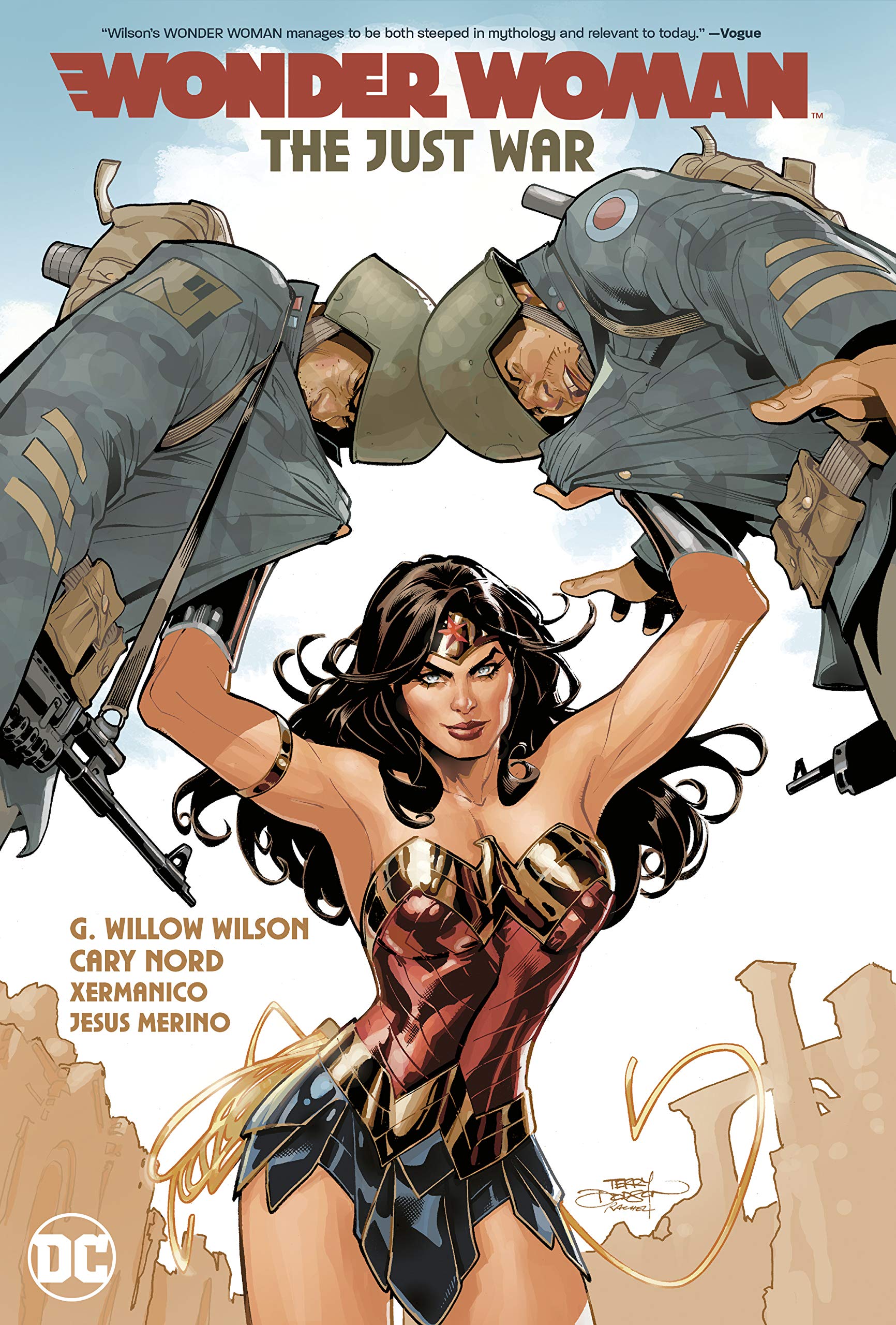
Last year, Seattle novelist G. Willow Wilson took over writing duties on Wonder Woman. It was a pretty big deal: Wilson had made a name for herself in the comics world as the co-creator of, and original writer for, the popular Ms. Marvel character. So for her to take on the third-most-popular DC Comics hero was seen as both a step up for Wilson and a sign of hope for Wonder Woman as a character, who enjoyed big box office success with her first movie but who has had a creatively wobbly time of it on the comics end of things.
Wilson's Wonder Woman run begins in a collection called The Just War, and it basically touches all the basic points you'd expect a Wonder Woman story to hit: Ares, the God of War, is a major villain; the themes of the story focus largely on the conflict between love and war; and the story is a showcase for the character's deep ties to mythology.
My favorite aspect of The Just War, though, is also my favorite part of Wilson's Wonder Woman run: the main story takes a back seat on several occasions to focus on a subplot featuring a minotaur, a pegasus, and a satyr who are trying to make their way in the modern world. These mythological creatures at once stand in for the reader and also represent a central dichotomy at the heart of the Wonder Woman character — her fantasy background and her need to be relevant to modern society.
In Just War and in Wilson's subsequent issues, it almost seemed as though Wilson was going to turn Wonder Woman into an ensemble book — one in which mythology spins around a central character in new and interesting ways. I was hoping that Wilson would recast Neil Gaiman's Sandman run with Wonder Woman as the central character around which the stories spin.
Unfortunately, Wilson left Wonder Woman after a couple of arcs, and that plan never came to fruition. Instead, Wilson's run joins a parade of half-started, half-abandoned takes on the character that never really took off because they never had the opportunity to take off.
This week, DC Comics is celebrating Wonder Woman with the 750th issue of her title, an anthology that tries to cast the character in a new direction that will stick. (For real this time.) The first story in the volume pretty much tries to re-establish the status quo — Wonder Woman gets her Golden Lasso of truth back, which she apparently had lost in the not-so distant past? — while celebrating the character.
It's a bit of a mixed bag. Modern writers have had a hard time deciding how warlike Wonder Woman should be — how tough the character has to be while still staying true to her mission of peace and love, and this anthology veers back and forth. It doesn't feel so much of a relaunch as a stuttering celebration that isn't sure whether it should embrace the character's cartoony origins or discard them.
Writer Steve Orlando is set to take over the character from now on, and I wish him luck. Orlando has written several very clever, compassionate Wonder Woman comics in the past, and perhaps he'll be able to stretch the character out and see what she can really do with a little bit of runway and a lot of planning. But I still am kind of heartbroken by the idea of Wilson's unfinished run, and what she might have done with the character had she not left the book. Just War provides a few hints, but it doesn't give us that long-term sense of commitment that the character so dearly needs.
Book News Roundup: Do you have what it takes to be Reese Witherspoon's book buddy?
- Reese Witherspoon is looking for a Librarian-in-Residence for her bookclub. It goes without saying that that librarian should be from Seattle. So start making those videos now:
- Here's a ghastly headline: "Missouri could jail librarians for lending 'age-inappropriate' books"
-
I loved The Hunger Games — the book and the movie — and while the sequels had diminishing returns, I still enjoyed them. But I'm not interested in the just-announced prequel series about the rise and corruption of evil President Snow. We don't need another prequel.
-
Some guy tweeted about how he likes to cut long books in half and then he asked the internet to chime in, so yesterday was a gold rush for book-related content on the usual sites. Everything about this tweet is designed to annoy people, from the casual book destruction to the choice of Very Big Serious Books By and About Big Serious Men. My take on this — aside from pointing out the obvious click-bait-y-ness of the original post — is that when you do something like this to a book, you're stealing an opportunity to read that book away from someone down the line. Maybe if the book hadn't been sliced in half, someone would have bought that copy at a used book store, or at a Friends of the Library sale. But as it is now, nobody's likely to sit down with a copy that's been sawed in half and duct-taped back together.
Libro.fm's Mark Pearson is helping independent bookstores fight Amazon
That's where Seattle online retailer Libro.fm comes in. Libro.fm is an independent retailer of audiobooks that partners with indie bookstores, giving them a cut of the profit from every sale. Not so long ago, Libro.fm also launched a membership program allowing customers to download one audiobook per month for free and offering a deep discount on any other audiobook purchases.
Earlier this month, Libro.fm launched another new online tool that makes it easier to buy books from indie bookstores online. It's called Bookstore Link, and I provided a little tutorial about the free service earlier this month. It's a way to link directly to indie bookstores on social media and other online sites, including a straightforward way to link directly to the indie bookstore of your choice.
Last week, I talked with Libro.fm co-founder and CEO Mark Pearson about Libro's fight against Amazon, their vision for Bookstore Link, and how the company does so much with a tiny staff.
For someone who isn't familiar, what are you doing with Libro.fm? What's with your company's philosophy around supporting indie booksellers?
Our mission is super-focused on getting more people to read books, and supporting local bookstores to make that happen. That's why Libro.fm exists. And the problem is that the average bookstore in the US has revenue of $1.2 million, but they only have a net profit of $10,000 — so every single book and audio book sale counts.
And at the same time, we have Amazon in our backyard, and that counts for more than 50% of all the print books sold in the US every year. We want to do something about that — we want local bookstores to survive and thrive.
We built Bookstore Link to drive traffic to local bookstores instead of Amazon. It went live on January 8th. It's an easy way for authors and publishers and influencers to share a single link to a print and audio book across 900 bookstores.
It's easy to use — very intuitive. How has the reception been since you launched?
The reception has been great. We're thrilled, and it's just the beginning. We have some more plans for Bookstore Link and basically anything we can do to help bookstores.
It seems like you've been working on it for a while.
Yeah, absolutely. Bookstore Link required a tremendous amount of work. Libro.fm is a platform, and it's been six years in the making to build this platform so that we have more than 14 million print books and 125,000 audio books and 900 bookstore partners that we work with one-on-one. We are in close contact with more than 6,000 booksellers and they are a key part of what we do. So you're right — it was not built overnight. It's the product of many years and investing in bookstores and in our technology.
I wonder if you could talk about how you see this living in the same spaces as IndieBound, which provides links to indie bookstores.
IndieBound has a wonderful history and it's a great discovery website. Booksellers make recommendations that go on the Indie Next list, and there's nothing better than bookseller making a recommendation instead of an algorithm. But the process for one of your readers on [the Seattle Review of Books] is to go from IndieBound to find a local book site to make a purchase is not easy, and it only works on U.S. bookstores. So we've simplified the process for an author, publisher, influencer — we don't have to have detailed book information. All we do, and there's a lot under the hood, is to connect the reader to their local bookstore and make a purchase. That's what we heard from authors and publishers who want to help bookstores, and that's what we've done.
It seems like 90% of the work with online sales is ease of use. Jeff Bezos understands that with Amazon, and this seems like an easy way to direct people to better behaviors.
Exactly. I talk a lot about the three C's — what bookstores do better than Amazon is the curation and the community. Booksellers are the best in making recommendations, right? They're also the best at playing a meaningful role in their community. You don't think about Amazon and community — it's not a word that comes to mind. You think about Amazon destroying communities.
But the piece that Amazon does a good job with is the convenience. It's simple to order. Now that's the role Libro.fm plays in competing with Amazon, is we are making it more convenient through our platform for readers, for listeners who like and value bookstores to support them. That's why seventy percent of all our Libro.fm members come from Amazon's Audible. They cancel their accounts at Audible and they decide to support the local bookstore.
Wow.
Because we deliver on those three Cs: the curation, the community, and it's convenient.
The remarkable thing is you have fewer than 10 staffers, right?
That's right. We have a team of seven people, but in some ways it feels like we are a larger company, because we work closely with 6,000 booksellers across 900 bookstores. So they are on the front lines, selling audio books and memberships.
The app and the online interface for Libro.fm and Bookstore Link are all so slick that I did not expect that from such a small staff, honestly. I thought you were a lot bigger. It's just very impressive.
Well, thank you. And yeah, our goal is to be the great marketing and tech partnership of bookstores. We take the products that we launch seriously, and we're just getting started.
Ah — the sea!
Published January 21, 2020, at 12pm
Does having a story to tell mean that you need to tell it a certain way? What if you were to, say, evoke the story and bring the dream of it alive, in lieu of describing every plot point? In The Starless Sea, argues Martin McClellan, Erin Morgenstern has done just this, and he's grateful for it.
The Dirt on American Dirt
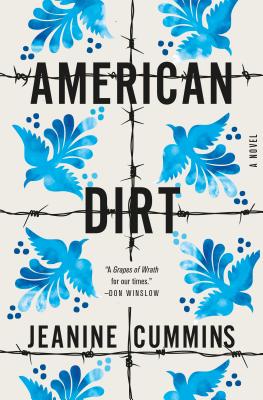
When a novelist identifies as white until she writes a book about Mexican migrants in order to give a face to the “faceless brown mass” at the border, trouble follows, dirt is raised, caca is thrown. And for good reason.
The January 21 release of the much-hyped novel American Dirt, which garnered its author Jeanine Cummins a seven-figure contract, has been preceded by rave reviews in major publications. These have been countered with reviews by writers of color and an ongoing Twitter conversation robust with wrath about whose stories and whose voices are elevated by the publishing world.
In case you haven’t heard about this book blurbed by Stephen King and compared to Steinbeck’s Grapes of Wrath by another endorser, here’s a quick, breathless synopsis of its content, which I gleaned from reviews:
A middle class Mexican woman in Acapulco runs a bookstore whose customers include a cartel boss being investigated by the woman’s journalist husband, and in an act of murderous retribution, gunmen attack the family home during a quinceañera celebration, killing all but the woman and her nine-year-old son because, as luck would have it, while the rest of the family was outside enjoying barbecue, the boy was inside peeing and his mother was standing at the door at his request, so now with the cartel in hot pursuit of them, the mother and her son set off on a grueling journey north to the border to seek asylum, encountering on their way either first-hand or as frightened observers hunger, thirst, assault, robbery, and dangerous transport atop the migrant train La Bestia – all the perils that real migrants face in real life.
I’d seen the book on all those “most anticipated books of 2020” lists, but I didn’t pay much attention to it until early this month when I came across Chicana writer Myriam Gurba’s tweet about what happened to her review of the book. Asked by Ms. Magazine for her take on Cummins’s book, Gurba provided just that in her unrelentingly honest, full-bodied prose, describing American Dirt as a “literary licuado (smoothie) that tastes like its title,” pointing out its clichés, stereotypes, and shallow understanding of Mexican culture, and summing it up as “a perfect read for your local self-righteous gringa book club.”
Gurba does not pull punches in situations in which punches must be punched. She is unsparing in her well-founded disdain and masterful in her delivery of it. Ms. never published the review, paying Gurba a kill fee since she couldn’t write something “redeeming” about the book.
So Gurba wrote an essay with the irresistible and pointed title “Pendeja, You Ain’t Steinbeck: My Bronca with Fake-Ass Social Justice Literature,” in which she not only includes the review killed by Ms. but expands on it in language powerful with the Spanglish and curse words that are part of the poetry and soul of her writing.
I won’t quote from the essay here. Better to read for yourself Gurba’s eloquent takedown of Cummins’s “obra de caca,” on the Tropics of Meta blog.
In the meantime, flattering reviews proliferate by high-profile writers in high-profile publications. Lauren Groff’s rather waffling, both-sides review appeared in the New York Times and Pam Houston’s more emphatically favorable review ran in the Los Angeles Times. Both acknowledge Gurba’s opinion of the book, but also make sure to reference endorsements by Latinx literary icons Sandra Cisneros and Julia Alvarez.
New York Times critic Parul Seghal, noting that American Dirt had been on the Times’s list of most anticipated 2020 books, departs from the “rapturous and demented praise” and “takes one for the team,” presumably the community of writers of color. Seghal calls out the simplistic language and predictable plot, noting that a book can’t exist on intention alone, especially when that intention is to give a face to the “faceless brown mass” at the border. In his review, Chicano writer David Bowles calls such an intention “harmful, appropriating, inaccurate, trauma-porn melodrama.”
In an attempt to address the controversy, the Los Angeles Times published an article basically summarizing both sides of the question of who has the right to tell certain stories. The author Dorany Pineda ends the article with Colson Whitehead’s advice: “You can write about anything. Just don’t fuck it up.”
By many accounts, Cummins, a white woman with a Puerto Rican grandmother, fucked it up. And by “many accounts,” I mean many brown-faced accounts.
The publishing industry increased the fuckery by rewarding Cummins with a seven-figure contract. Seattle writer Jen Soriano justly tweeted that Cummins should donate some of that windfall to immigration rights groups.
But the most important takeaway of the Pineda article is in the middle, a quote from Gurba. “We’re perfectly competent and perfectly capable of telling stories” but “gatekeepers do not allow us inside, but they will let in somebody who wants to usurp our voice.”
Voices like Cummins’s are elevated and rewarded with fat contracts because a white publishing industry catering to white readers, anoints through its white lens a novel that is, in the publisher’s words, “IT in capital letters.” High-profile white writers are invited to review it for high-profile publications, and the (white) snowball gains momentum, while brown writers are sidelined, their words ignored.
If Gurba had written a migrant novel and it had been submitted alongside American Dirt, all things being equal (which they’re not since Gurba is the superior writer), whose manuscript likely would have been chosen for the seven-figure deal? Consider the gatekeepers, when you answer.
Cummins reads at Ravenna Third Place Books on Feb. 1. Go or don’t go. Read the book or don’t. Just be aware of the issues that the anointing of America Dirt raises by reading Gurba’s essay.
I won’t be reading Cummins’s book. But I will be reading more of Myriam Gurba’s work. She’s the author of several books, the latest of which is her memoir Mean. Jill Soloway says of Gurba, “She’s ready to wake up the world.”
Ecola State Park
(Side-scroll to see full lines)
Clumps of mosses of unexpected softness, riots of
mushrooms, fist-wide or thread-thin, wholeworlds of dripping. Curving path and then,
broken open: the sky, the sea, our brittle hearts.Flock of sparrows lifting lightly, silk in breeze,
tiny gelatinous tendrils littering beach,seafoam blowing: icebergs, then clouds, then
meringue. The dog skitters after sand pipers, foam,runs circles, lopes toward a dead seal beached,
gaping, rib cage now scaffolding picked bird-clean.High clean sky and yellow grasses, I am this seal
split open, purplish glimmering; I am this wide sky, cloudsbreaking, mirrored in slick sand shimmering; I am this dog
running full out, for sheer joy of wind, for kick of sand,for rough circles returning again and again
to sea, to foam, to bird, to us.
Your Week in Readings: The best literary events from January 20th - January 26th
Monday, January 20th: Under the Influence: Putting Peer Pressure to Work Reading
Robert H Frank's book is about how social context is a meaningful driver of human decisions. Could we shame our neighbors into fixing climate change? It's not such a weird idea. Town Hall Seattle, 1119 8th Ave., 652-4255, http://townhallseattle.org, 7:30 pm, $5.
Tuesday, January 21st: Agency Reading
William Gibson's latest novel is somehow both a prequel to and a sequel of his popular novel The Peripheral. It's about an "app whisperer" who tries to figure out the problem with and appeal of a virtual assistant. There's also another narrative in the book set in an alternate universe. Third Place Books Lake Forest Park, 17171 Bothell Way NE, 366-3333, http://thirdplacebooks.com, 7 pm, ticket with purchase of book.
Wednesday, January 22nd: Oh, La La! Reading
Ciscoe Morris is a beloved local TV news fixture who gets extraordinarily excited about Northwest plants. His enthusiasm is infectious and his knowledge seems quite comprehensive. His latest book is named after his catchphrase. Third Place Books Lake Forest Park, 17171 Bothell Way NE, 366-3333, http://thirdplacebooks.com, 7 pm, free.
Thursday, January 23rd: Fight for Our Lives
See our Event of the Week column for more details. Hugo House, 1634 11th Avenue, 322-7030, http://hugohouse.org, 7 pm, $10 suggested donation.
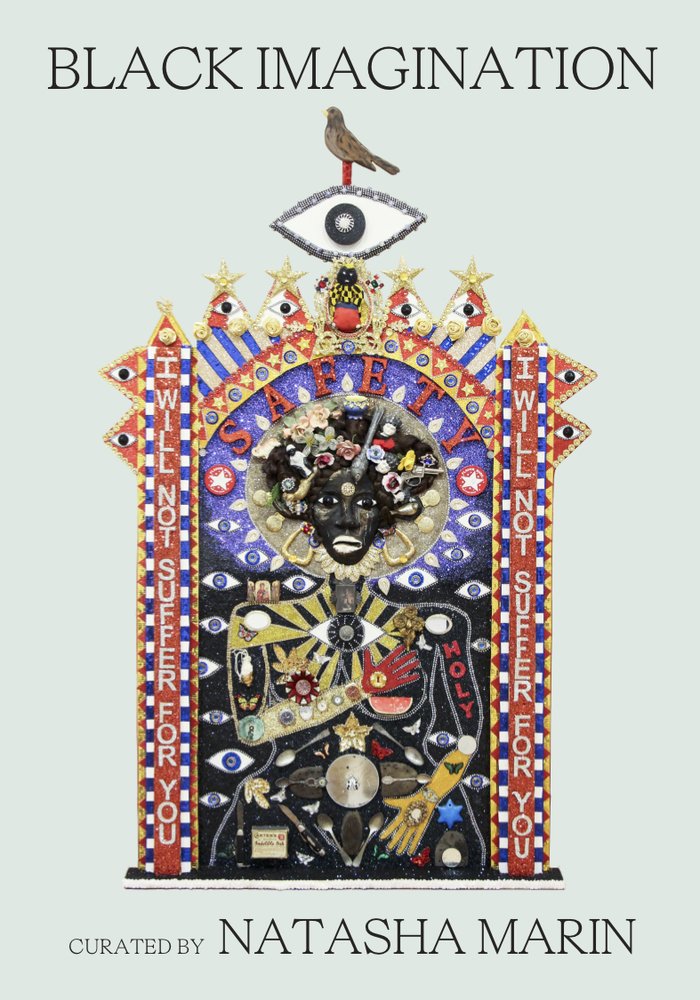
Friday, January 24th: Black Imagination Reading
Black Imagination: Black Voices on Black Futures is the latest anthology from McSweeney's. It's edited by local author and artist Natasha Marin, and it features an exploration of Black imagination written by, according to press materials, "black children, black youth, LGBTQ+ black folks, unsheltered black folks, incarcerated black folks, neurodivergent black folks, as well as differently-abled black folks." Hugo House, 1634 11th Avenue, 322-7030, http://hugohouse.org, 7 pm, free.
Saturday, January 25th: The Eidola Project
In Robert Herbold's novel, a mad drunk in the year 1885 winds up investigating the afterlife. Is it real, or is it a hoax? Can a group of explorers get to the bottom of it? Third Place Books Lake Forest Park, 17171 Bothell Way NE, 366-3333, http://thirdplacebooks.com, 6 pm, free.
Sunday, January 26th: Pavel's War Reading
Peter Curtis's new novel Pavel's War" is the third book in a trilogy (The Dragontail Buttonhole and Cafe Budapest are the first and second, respectively) about World War II and the flight for safety across Europe. Seattle Public Library, 1000 4th Ave., 386-4636, http://spl.org, 2 pm, free.
Literary Event of the Week: Fight for Our Lives at Hugo House
According to press materials, Fight for Our Lives "is a performance series advocating for communities targeted by divisive politics and systemic oppression (queer, trans*, incarcerated, migrants, women, people of color)." The organization is scheduled to end on inauguration day of 2021. That means it's got less than a year left to live.
During its life, Fight for Our Lives will aspire to "connect nonprofit organizations to audiences and artists across the Puget Sound area." Thursday night's reading benefits Lambert House, an amazing nonprofit organization and space for queer and trans teens, and the Ingersoll Gender Center, which provides "peer led support groups, advocating in navigating resources, community organizing, and education" for transgender and gender nonconforming individuals.
Tonight's event is a splashy big debut for Fight for Our Lives, featuring performances from poet Naa Akua, musician and performer Adé A Cônneré, poet Amber Flame, and writers Juan Miguel Jocom, Callum Angus, Calvin Gimpelevich, and Ray Stoeve. Additionally, Seattle literary powerhouse Mattilda Bernstein Sycamore will read, lending her power and passion to the event.
The event will also feature an art sale, with proceeds benefitting Lambert House and Ingersoll. In a year when everyone's attention will be impossible to focus for any longer than a minute at a time, this event will remind you what matters.
Hugo House, 1634 11th Avenue, 322-7030, http://hugohouse.org, 7 pm, $10 suggested donation.
The Sunday Post for January 19, 2020
Each week, the Sunday Post highlights just a few things we loved reading and want to share with you. Settle in with a cup of coffee, or tea, if that's your pleasure — we saved you a seat! Read an essay or an article online that you loved? Let us know at submissions@seattlereviewofbooks.com. Need more browse? You can also look through the archives.
Signs you may be a female character in a work of historical fiction
The decade has gotten off to a gloomy start. Maybe it's the reminder that ten years have passed since 2010, or the hangover from gazillions of decade round-ups that try to wrangle ten years into a neat, "unbiased" list. It might be the snowstorm that overpromised and underdelivered in Seattle. (I won't mention the political cloud of worry that's always in the weather forecast.) Whatever the reason, I've been gravitating toward comic relief, like McSweeney's list of warning signs that you're actually a woman in a historical novel:
You have a propensity for turning on the radio just as some world-changing news is reported. Also, you still listen to the radio.
Your best friend is a horse.
People often tell you not to be afraid of things, including icy ponds, beauty parlors, muskets, ferrets, the dark, and hot stew. Invariably, you have to interact with this thing before too long.
Why we love untranslatable words
My first brush with linguistics in college convinced me that the Sapir-Whorf hypothesis (or strong linguistic determinism) is full of holes because cultures without specific words still understand the ideas these words describe. I don't think the availability of a word for a concept influences our ability to think about the concept, but I, like the next person, love to learn about words or expressions that are unique to some languages but not to others. A favorite expression is the French "l'esprit de l'escalier," ("staircase wit") or thinking of the perfect comeback in an argument or conversation when you've already left and are walking down the stairs.
In this piece, David Shariatmadari dives into our obsession with forwarding lists of "untranslatable words" like hygge and kummerspeck to one another and using them to draw conclusions about their culture of origin. He argues that although a word may not have a one-to-one translation in another language, it's still explainable and can usually be captured in a few descriptive words or even an idiom. What he misses, and the part that I find untranslatable, is that words might have many meanings, of which only one can be translated at a time. They certainly have many connotations or connections in one language that are often impossible to preserve when translated, so in that sense they don’t exist in other languages.
The cult of untranslatables goes beyond orientalism. They spread, meme-like, with the same misleading explanations repeated. Often, they hew suspiciously closely to stereotypes about the culture in question. Cheerfully eccentric Nordic types, when they’re not in the sauna, like nothing better than utepils: “Norwegian for to sit outside on a sunny day enjoying a beer.” How quaint. And how informative about Scandinavian culture. Except, utepils isn’t a verb, it’s a compound noun, from ute meaning “outside” and pils, “beer” (after the Czech town Plzen, which produces one popular type). So it means “outside-beer”—a concept hardly foreign to British people, for example, whose pubs frequently come equipped with beer gardens.
Little Women and the Marmee problem
The Sunday Post has turned into a review of Little Women content, but I'm not sorry. (I loved Greta Gerwig's movie so much that I've already seen it twice.) Sarah Blackwood's New Yorker piece about the girls' mother, or Marmee, explores the depths of Marmee's repressed anger, which is in plain sight in the book but under wraps in the movie.
Alcott’s representation of maternal anger feels like a miracle of insight. It comes out of nowhere and seeps in everywhere. Marmee is central but unknowable, cherished yet easy to ignore. She can’t be figured out because her experience of subjectivity does not dovetail with what the social world expects or wants from her, and she knows it.
Our culture’s sentimental attachment to stories of young women about to bloom is strong. Jo’s anger—at her own powerlessness, at her culture’s obsession with marriage, at others’ assumptions about what shape her life should take—is legible; Marmee’s is not. A subtext of “Little Women” is that the explosive potential of these four girls is not, and will not be, realized; this is why Marmee belongs at the heart of the story.
Whatcha Reading, Ruth Dickey?
Every week we ask an interesting figure what they're digging into. Have ideas who we should reach out to? Let it fly: info@seattlereviewofbooks.com. Want to read more? Check out the archives.
Ruth Dickey is the Executive Director of Seattle Arts & Lectures, an avid reader, an ardent fan of independent bookstores, the original inspiration for this column, the only person to have done this column twice, and our current Poet in Residence for January. We've published two of her poems so far this month: "San Jose, Costa Rica", and "Seattle Winter".
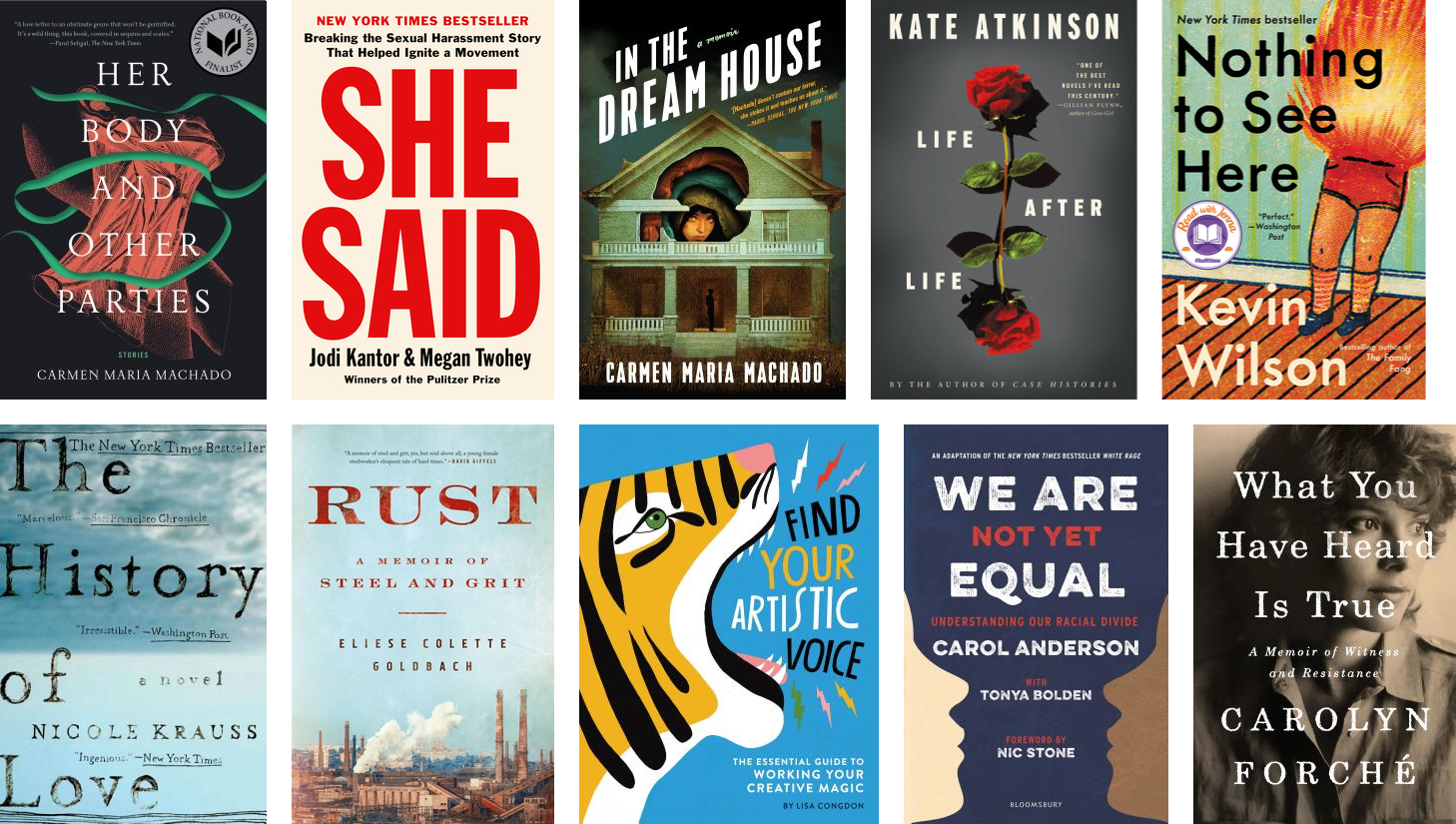
What are you reading now?
Carmen Maria Machado, Her Body and Other Parties – I’m late to the party on this one but am loving these haunting stories, and can’t wait to hear her speak on 1/24.
She Said by Jodi Kantor and Megan Towhey – I’m so excited to be hosting these brilliant journalists at the end of the month.
What did you read last?
As we crossed into 2020, I read a lot of books (helped by a 5-hour delay in O’Hare on the way to NC – thank goodness for airport bookstores!). And also when it feels like the world is imploding, I found myself looking for engrossing reads, intricate plots, and insight about love:
- In the Dream House by Carmen Maria Machado – structurally brilliant and I can’t stop thinking about this book.
- Life After Life by Kate Atkinson – speaking of structurally brilliant, Rebecca Hoogs (SAL’s Associate Director) loaned me this one literally four years ago and I just read it - amazing.
- Nothing to See Here by Kevin Wilson – Robin Reagler, Executive Director of WITS Houston, recommended this one and I gobbled it up after finding it at an airport bookstore (and I should note the bookseller actually asked me where I heard of it because he’d sold so many copies the day I bought mine).
- History of Love by Nicole Krauss – having finished all the books I’d packed, I picked this up at Bookmarks in Winston-Salem, NC, because several folks I admire had raved about it.
What are you reading next?
I’m always asking folks for their recommendations and adding to my ever-growing stacks of things I want to read. For some reason I’ve been craving nonfiction, and so on the top of my current pile are:
- Rust: A Memoir of Steel and Grit by Eliese Colette Goldbach.
- Find Your Artistic Voice by Lisa Congdon.
- We Are Not Yet Equal: Understanding our Racial Divide by Carol Anderson.
- What You Have Heard is True: A Memoir of Witness and Resistance by Carolyn Forche.
The Help Desk: Koolhaas's folly
Every Friday, Cienna Madrid offers solutions to life’s most vexing literary problems. Do you need a book recommendation to send your worst cousin on her birthday? Is it okay to read erotica on public transit? Cienna can help. Send your questions to advice@seattlereviewofbooks.com.
Dear Cienna,
I know you're not a licensed architecture critic, but what do you think of the downtown branch of the Seattle Public Library? I know a lot of people love it, but I guess my tastes are more traditional.
Veronica, The Mixing Chamber (whatever the hell that is)
Dear Veronica,
Even better than being a licensed architecture critic, in some underground circles I am considered a licensed architect. I received my training from Prepperdine University (shortened to Prepper U. in 2018 due to some LITIGIOUS FUCKS who shall not be named). Prepper U. is the nation's premier school for those who believe the end of the world could be as near as next Tuesday. Along with how to make a gas mask out of a bong and pair of used underwear, and how to make filling meals out of human hair, I learned how to draft spacious bunkers that could survive anything from an intimate civil war to a global nuclear attack.
While I specialized in bunkers, not "outies," as Prepper U. architects call them, I feel qualified to critique both.
The Seattle Public Library is a phenomenal work of art, with its natural light, silly winding walkways, and nooks and crannies for reading and snoozing. But as a functional building, it is more worthless than your typical outie. Like you, I suppose my tastes are more traditional. Those windows would never survive a nuclear blast and there are few secure spaces in which to imprison captives.
At best, given any sort of large-scale disaster, that building will make a beautiful dumpster fire.
Kisses,
Cienna
The Portrait Gallery: Burn it down
Each week, Christine Larsen creates a new portrait of an author for us. Have any favorites you’d love to see immortalized? Let us know, or see if you can find them in the archives.
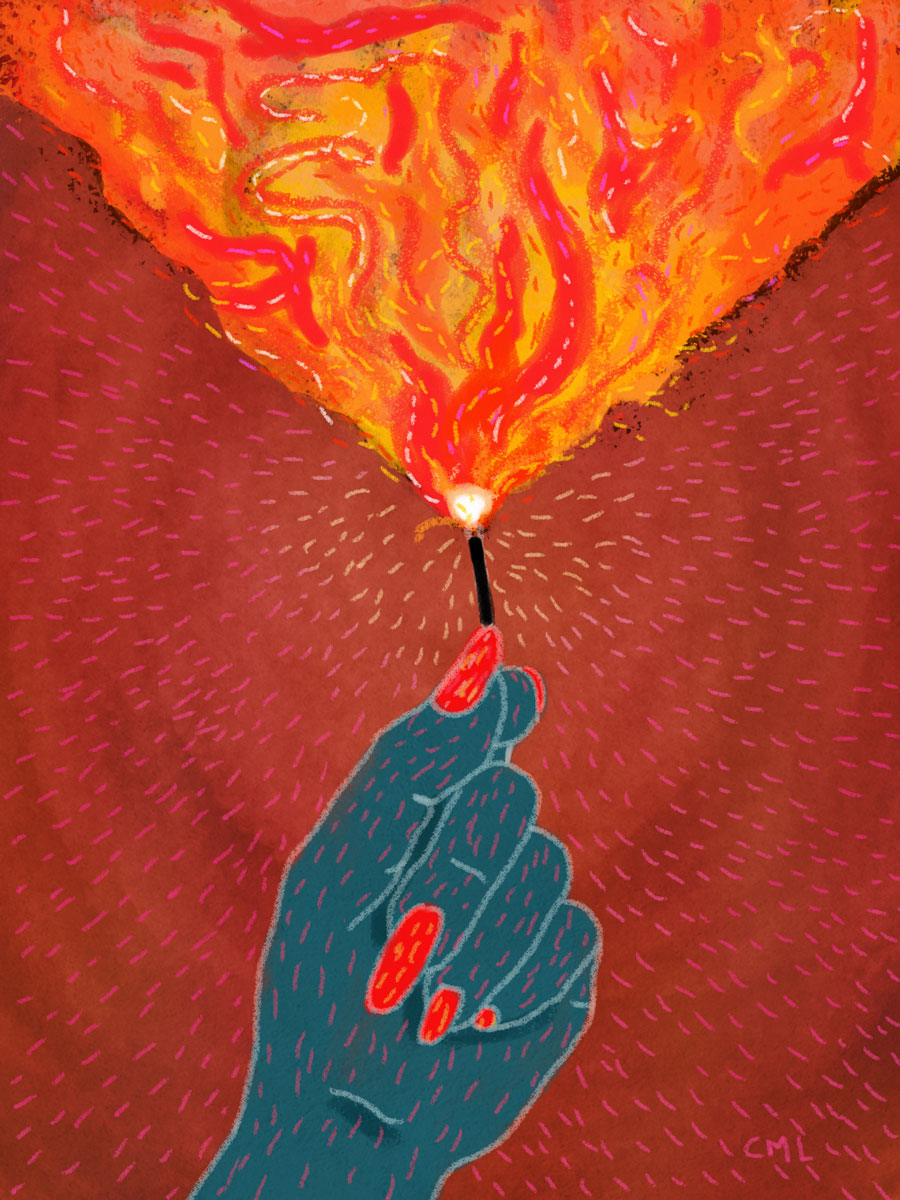
Friday, January 17th: Burn It Down Reading
Subtitled Women Writing About Anger,
Burn It Down is an anthology celebrating the history
and culture and transgression of women’s anger. Contributors
Dani Boss and Melissa Korbel will read tonight, along with local
essayist Theo Nestor.
Elliott Bay Book Company, 1521 10th Ave, 624-6600,
http://elliottbaybook.com, 7 pm, free.
The Future Alternative Past: Nature’s way of telling you
Every month, Nisi Shawl presents us with news and updates from her perch overlooking the world of science-fiction, fantasy, and horror. You can also look through the archives of the column.
As I write this I’m in pain. I’m a migraineuse, a migraine sufferer, a distinction I’d been told I would lose when I hit menopause. Alas, that has proven untrue. Migraines remain one of my chronic companions, along with fibromyalgia, arthritis, bursitis, glaucoma, and, most likely, a few others conditions I’m too cowardly to have diagnosed. So I know a bit about how pain works, firsthand.
Even before all these ills beset me, pain exercised a deep fascination. I don’t identify that fascination as kink-oriented; expeditions into BDSM have left the silt of my sexuality unperturbed. It has a much tighter connection, IMO, to my stubborn willfulness. As a nine-year-old I walked barefoot down gravel driveways to train myself to be a secret agent. As a 15-year-old I pored over Amnesty International texts to study the best ways to resist torture.
SFFH deals with pain by transforming it, curing it, inflicting it, questioning it, and cutting it off. Way back in 1950, the mighty Cordwainer Smith wrote about the suicide-inducing Great Pain of Space in his retro-Hugo winner “Scanners Live in Vain.” Neurological amputation produced the zombie-like crews who could withstand the agony of interstellar flight. More recently, Kelley Eskridge’s 1995 short story “Alien Jane” depicts researchers experimenting on a woman who is immune to pain due to a genetic condition — one that’s rare but does actually occur in real life.
Then there’s the deliberate infliction of pain, which can be found in myriad SFFH works. The most disturbing example I’ve come across so far is the torture of innocent elephants in the Nick Harkaway novel Angelmaker. Infliction of pain is rife in horror, of course; pain is a big part of the subgenre’s point. From gore-dripping slashers by well-known authors like Richard Laymon, to the revulsion and body horror I serve up in “Queen of Dirt,” to the heartrending anguish inflicted on his characters in Kai Ashante Wilson’s “The Devil in America,” these are not feel good stories.
Fantasy’s pain can stem from spells, as in the juju worked on Cocoa in Gloria Naylor’s novel Mama Day or the menstrual cramps a witch inflicts on the men of Ulster in the Irish epic The Tain. On the other hand it can be the goal of a magical cure, as in the pangs suffered by Michael Moorcock’s albino anti-hero Elric of Melniboné.
Pain can also be funny, as I’ve learned while figuring out ways to post about mine on social media. I make up hyperbole-laden stories about smashing giant pumpkins with my ass to account for seemingly random flare-ups, inviting readers laugh at my condition with me. But my favorite example of the humor intrinsic in pain is Terry Bisson’s wicked short story “The Old Rugged Cross,” and its understated account of the absurdities of injustice uses pretty much the opposite of this technique.
Basically, though, pain tells us what’s wrong, as Alien Jane explains to her story’s narrator. SFFH can do a lot with that formula, including making the source of pain the variable, or changing what a given pain’s message means by “wrongness” it warns us of, or exploring the way a pain gets its message across: naturally, supernaturally, artificially, or by its total absence.
Recent books recently read
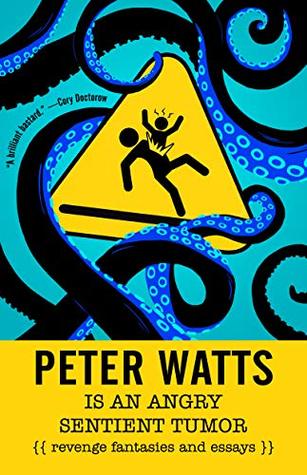
“Maybe blogoirs are a thing now,” muses the author in his introduction to his new collection Peter Watts Is an Angry Sentient Tumor (Tachyon), trying to fathom how it came about. And how well it will do. Somewhat wistfully comparing his popularity with that of fellow SFist-cum-blog-post-republisher John Scalzi (“He’s so, so — cheerful. How do I compete with that?”), Watts wonders if maybe he should tone down his “fucking profanity.”
Signs point to “No.” Profanity is completely appropriate when examining the economic equations that keep cops shooting unarmed black folks. Or when acknowledging the deliberate ignorance with which religious fundamentalists respond to logical arguments against their beliefs. Or when adding up the costs of blithely ignoring the doomful extrapolations SFFH offers concerning global pandemics and climate change. Illustrations in the style of caution-sign icons, at times grim, at times hilarious, mostly both, accompany fifty essays in which Watts does all of the above and more. Like cheering on the Zika virus and experimenting with LSD. (Not at the same time.)
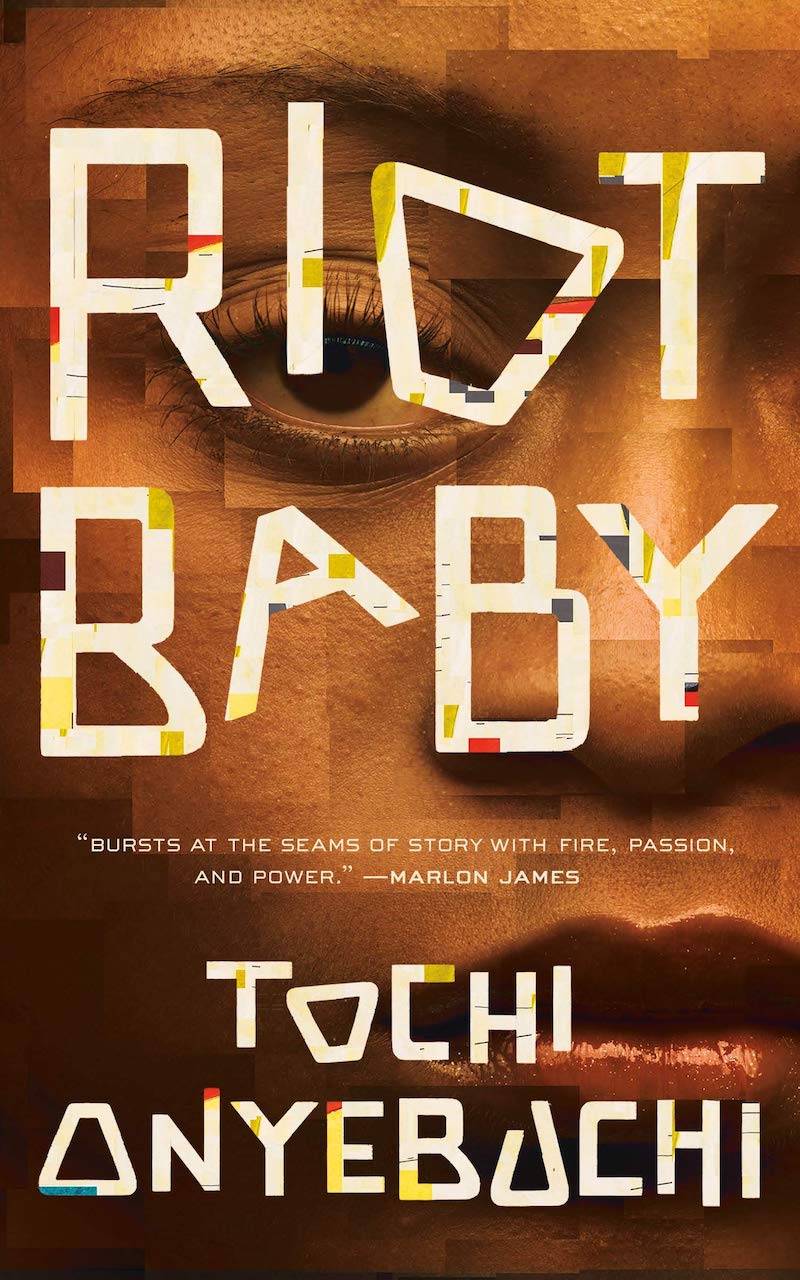
Peter Watts has written and published a dozen brilliant books; Riot Baby (Tor.com) is Tochi Onyebuchi’s incandescent adult debut. In his afterword he thanks award-winning author NK Jemisin for teaching him “how to write angry, the type of angry that still leaves room for love,” but Onyebuchi’s earlier short stories and young adult novels shine with this same hard-edged glory. Riot Baby follows a brother and sister from the inferno of 1992’s Rodney King-inspired insurrection to the freezer-burnt, weed-fumigated stairwells of Harlem tenements, through Rikers Island and other deliberately dehumanizing prisons, to a near-future of “Sponsored” half-way house communities and mood-regulating implants: Ella discovers as a child that she has magical mental powers which demand discipline, and when she retreats into the desert to get them under control Kev, left behind, runs afoul of White America’s “justice” system. His release on parole in 2022 dumps him into the sort of plausible nightmare we see developing around us daily. “Anger is an energy,” declared ex-Sex Pistol John Lydon, and Onyebuchi harnesses this energy to warming and clarifying effect.
Some upcoming cons
Several conventions are clustered around Valentine’s Weekend this year. Take your pick of Greater Seattle’s Foolscap, the convention that creates programming on demand; Eastern Washington’s Radcon, a nicely mixed bag of hallway parties, school visits, gaming, and panels; or my venue of choice, the under-new-management African American Multimedia Conference in Oakland, California. Rebooting a festival started over twenty-five years ago, organizer Sumiko Saulson is bringing together African-descended musicians, authors, and film artists to show rather than tell the world how fabulous we are. I’ll be making closing remarks, tryna keep up with horror queen and poet Linda Addison, who’ll set the celebration’s tone with her keynote.
Thursday Comics Hangover: Explaining the joke
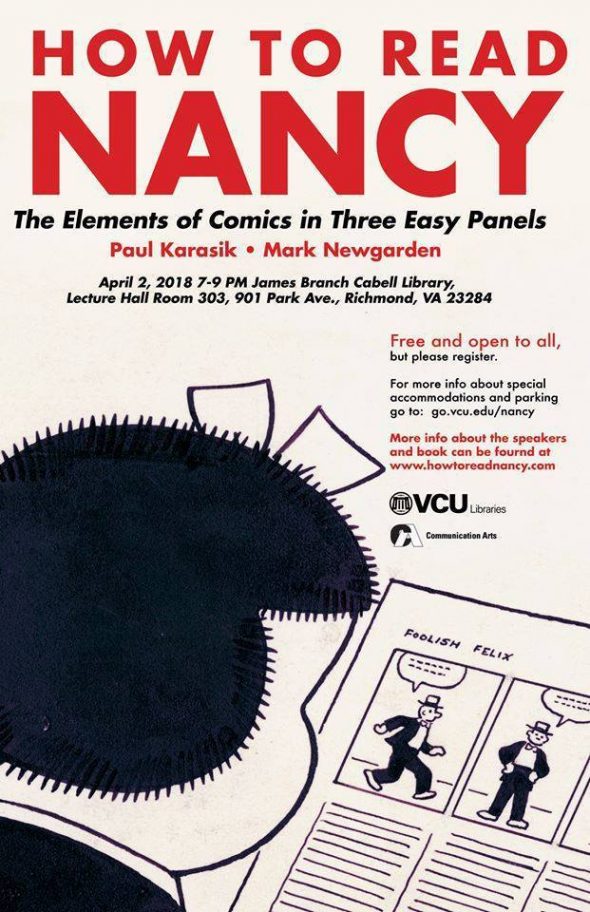
Over holiday break, I finally had time to sit down with Paul Karasik and Mark Newgarden's much-lauded comics theory text, How to Read Nancy: The Elements of Comics in Three Easy Steps. It's an oversized, fastidiously annotated exploration of all the complex mechanics that goes into making a single Nancy comic strip.
This book deserves all the accolades it's received: Newgarden and Karasik's extensive autopsy of an Ernie Bushmiller strip is so thorough that it feels at times obsessive. But that obsession is the point; I don't know if Bushmiller really possessed a comprehensive theory of architecture, for instance, but it sure is fun to at least entertain the idea that he did.
How to Read Nancy is a potent reminder that art isn't a bolt of inspiration — it's work. It's almost impossible to quantify verything that goes into a single piece of art — decades of training and practice and failure and success — to make it work.
These unconscious layers resist parsing, but Karasik and Newgarden have somehow accomplished it. THey've quantified the comedy and the artistry that goes into a single Nancy strip. They've explained the joke, and it's somehow made the joke even funnier.
If you've read Scott McCloud's Understanding Comics and you want to get deeper into the idea of what makes a comic tick, How to Read Nancy is the expert course that follows up on and expands on McCloud's 101-level class. It's rare that an artist receives this kind of lavish attention — this research and deep thinking and exploration. If you think that Ernie Bushmiller doesn't deserve this deep dive, Newgarden and Karasik are eager to explain why you're wrong.
Stephen King Vs. Little Women in the outrage match of the century!
Stephen King did a certified Bad Tweet™ in response to the lack of diversity among the 2020 batch of Academy Award nominees:
...I would never consider diversity in matters of art. Only quality. It seems to me that to do otherwise would be wrong.
— Stephen King (@StephenKing) January 14, 2020
Stephen King is, to my mind, pretty much the dictionary definition of a Well-Meaning Old Dude. He's pretty liberal, he's outraged about current political dynamic, and he's got a strong sense of justice. He is also, in this context, making some very bad assumptions.
Awards are dumb. Awards are also completely subjective. In King's original tweet, he seems to be making the assumption that the Oscar winner for Best Picture for any year is obviously the best film released int hat year. History doesn't bear that out. Green Book is neither the best, nor the most memorable, film to be released last year. Crash has been almost entirely forgotten when compared to the legacy of Brokeback Mountain. Pulp Fiction was a much more meaningful film than Forrest Gump.
Awards are given by humans to celebrate human achievement. Humans are inherently biased, and every human has a number of blind spots. To disregard diversity within the context of awards is to argue that there is an objective truth behind awards — that one piece of art can be definitively declared better than another.
But that's simply not true. You might think Stephen King is the greatest novelist in the history of the world. I would disagree. But I can't change your opinion, nor should I want to change your opinion. It's important to remember that our own experiences often blind us to the value of art: white men are likely to appreciate art featuring white men over other types of art, and to dismiss art centering women as inferior or less valuable. That's why it's important to include a diverse voting body that can counter these kinds of inherent biases.
I will say this about the Academy Awards this year: Greta Gerwig's adaptation of Little Women is absolutely one of the best films I saw last year. It's a clever examination of the classic — one which uses deft editing to find some deeper truths about the book and its author. It incorporates a deep feminist criticism of the book into its narrative, and it includes one of the best sequences of the process of writing I've ever seen in a film. And in conjunction with Florence Pugh's brilliant performance, Gerwig also redeems Amy, who is one of the most misunderstood characters in American literature. If that's not an achievement worthy of a directing nomination, I'm not sure what is. But Gerwig wasn't nominated for a Best Direction Oscar, and that's a shame. I'm pretty sure that a voting body that more accurately represented the male/female split of the American moviegoing public would have recognized Gerwig's work.
With all that said, I don't think King is particularly worthy of the outrage or scorn that some media outlets seem to want to see. People sometimes make grand statements that fall apart upon closer investigation, and King doesn't have a particularly problematic history. It seems to me like a plain old bad tweet, and an opportunity to kick off a civil conversation about art and the way we celebrate it.
On January 30th, a new Town Hall poetry series called Lyric World will connect the poetic and the personal
In Seattle, of course, you can always attend as many poetry readings as you could possibly want. Between open mics and book launch parties and ongoing reading series, Seattleites could spend the better part of almost any week at poetry-based events. But poet Shin Yu Pai looked at the landscape of readings and saw a kind of poetry event that simply didn't exist.
"I wanted to curate a series that could really focus on the social role of poetry rather than just having poets in to read from their most current work," she explains to me on the phone.
Pai says her new series, Lyric World, which launches on January 30th at Town Hall in conjunction with KUOW, is designed to be a bridge between poetry and everyday life. Each event will be centered around "hot topics of conversation." The poets will read work that has been specially selected to reflect the theme of the event, "and then have an onstage conversation with a peer facilitator who's read their work very carefully and deeply." The series also spotlights musicians who can reflect on these themes with performance.
The first event on January 30th spotlights mixed-race Asian-American poet Thomas Pruiksma, who Pai says "is a magician, a musician, and a poet. I asked him to talk about the role of wonder and magic in his work." Pruiksma will be joined in conversation by the poet Melanie Noel, who explores the full range of sensory experiences in her work. Pai chose Noel because "she's really looking at the ways in which the different senses are activated and how poetry can reflect that experience."
In March, Pai is pairing Seattle poet Koon Woon with Seattle poetry leader Paul Nelson in an event "focused around the idea of displacement, home, and belonging." Koon, who immigrated to the United States from China as a young boy, "lived for many decades in Chinatown/International District in various marginalized conditions. He was eventually displaced and is now living in West Seattle," Pai says. The evening will be a study of what it means to be taken from your home, through immigration or gentrification or other means, and percussionist Paul Kikuchi will share work that incorporates his "research around the Japanese American internment experience in his own work and in his own family."
Lyric World's first season will conclude in June with Prageeta Sharma, author of Grief Sequence from Wave Books, discussing "the poetry and grief or grieving" with local poet afrose fatima ahmed.
"I was looking around and feeling like there were no series that were really elevating Asian voices, and that's very important to me," Pai says. She cites Amber Flame's Black on Craft reading series and the Poetry Across the Nations reading of Native poets at the Hugo House as inspirations for Lyric World's first season.
Pai has plenty of experience putting on events that cross disciplines and investigate new paths for the arts — she's curated citywide events as Redmond's Poet Laureate, and she is the head of the Obscura Society for Atlas Obscura. Does she have any metrics for determining whether Lyric World is a success as an event?
"The quality of the question and answer or comment period can often be a provocative gauge of how engaged the audience is," she says. Pai also wants this series to deliver a cross-section of Seattle poetry audiences, from regulars at Margin Shift to Hugo House open mics to Seattle Arts and Lectures: "success to me is seeing a convergence in the audience of different poetry communities," to inspire a "cross-fertilization of ideas and aesthetics."
In the end, these conversations about place and grief and imagination are "really for people who are curious about poetry but maybe have certain perceptions of it as being difficult or inaccessible," Pai says. She's particularly eager for KUOW's audience to be exposed to the series because "we're taking poetic topics and putting them in conversation, so that we can connect that to the relevance of our lives."
King County Library System is a leader in digital downloads
This is very impressive.
Rakuten OverDrive, a digital reading platform used by the King County Library System (KCLS), has released their 2019 digital circulation statistics. KCLS patrons checked out 5,678,572 digital titles in 2019—up nearly 17% from last year, **making KCLS the No. 2 digital circulating library in the U.S. and No. 3 worldwide**.
Robert MacFarlane’s adventures in underland
Published January 14, 2020, at 12:00pm
Darker than his previous books, Robert Macfarlane’s Underland unearths tales of our vulnerable planet through explorations of underground places, and offers a moving account of the varied, conflicting emotions of our era of ecological crisis.
Seattle Winter
(Side-scroll to see full lines)
The sushi place near my apartment is suddenly
gone, window sign reading simply, Sorry
It’s closed, and I am somehow hollow and lost, as if
everything around me will vanish, thing by thing by thing.The sushi place is gone, and I only ate there once or twice
though I always meant to, so it’s probably my fault, or
at least partly my fault, or really largely my fault. The bakery
is gone too, and the place with rice bowls down the block.The bakery, the sushi place, the rice bowls, and the place
with ridiculous lamps and couches like spaceships are
gone; the tire store, the car dealers, the parking lots, Ducky’s
Used Office Supplies where I got my green chair, my favoritedry cleaner with the woman who could fix any tear or
unraveling. My blocks are filled with so much unraveling,
light posts covered with flyers for porn and meditation;
the things I miss themselves once erased beloved things,and the park is filled with lights and snowflakes, glow
eclipsing wrappers and needles and dog shit, and perhaps
to live in a city or to love anything is to search for glow
and watch it disappear, block by brick by grain by bulb.
The brutal truth of Salvadoran gangs
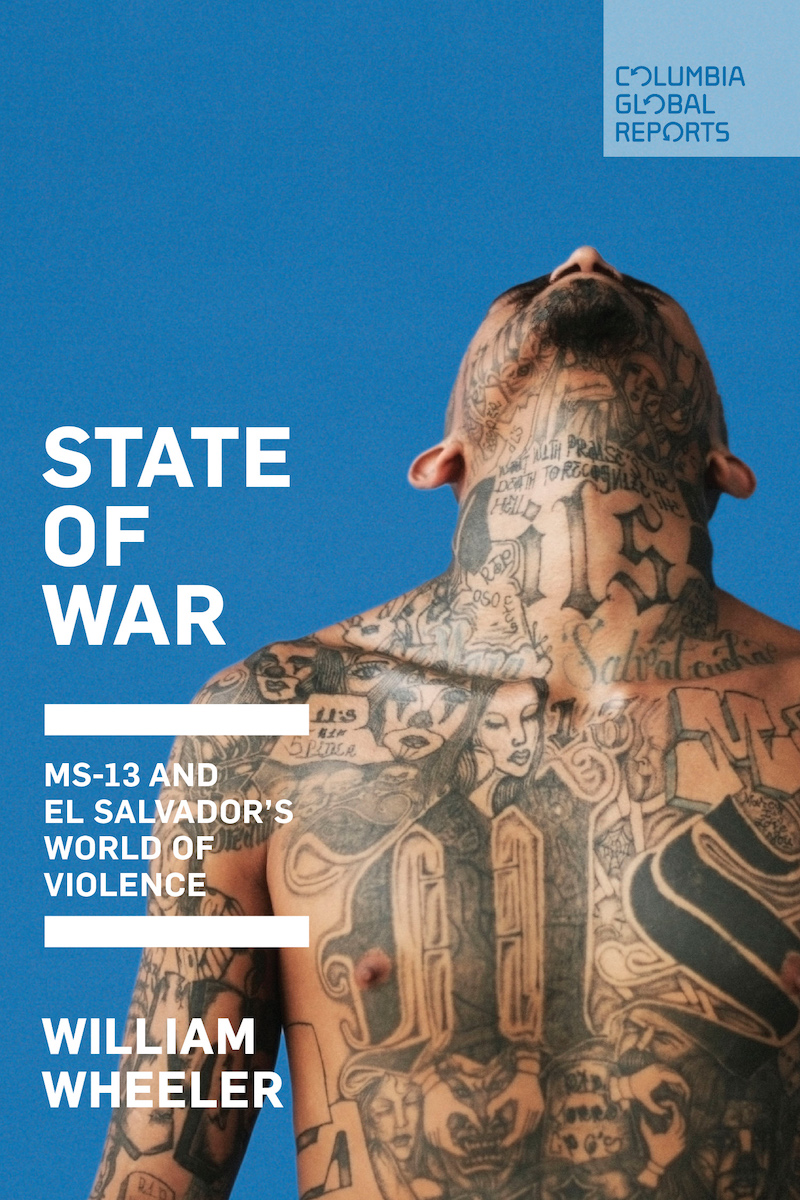
Sponsor Columbia Global Reports is here to ensure you know that William Wheeler is appearing in Seattle on January 21st, at the Elliott Bay Book Company.
Wheeler's astonishing new book State of War: MS-13 and El Salvador’s World of Violence tells a compelling, gripping story about how corruption at the highest levels of the Salvadoran government is empowering the brutal Central American gangs.
You can read the entire introduction to the book on our sponsor's page (you won't want to miss this), as well as see what other reviewers had to say about it. More information about the reading can be found on Elliott Bay's webpage, and you can also pre-order the book from them.
Sponsors like Columbia Global Reports know that the best way to get a Seattle reading audience's attention is with our sponsorships. They're inexpensive, effective, and fund the journalism and writing we do on the site. Find more information on our sponsor page.
Seattle Public Library to allow group that traffics in anti-trans rhetoric to meet at Central Library
Last month, I let you know that the Seattle Public Library was considering its options after the Women’s Liberation Front, which non-ironically refers to itself by the acronym WoLF, rented space at the downtown library location.
Trans Seattleites and their allies have spoken out against SPL's decision to provide space for this event. WoLF is a group that frequently hosts events with anti-trans organizations, that has teamed with evangelical anti-trans groups, and has participated in what CNBC referred to as an “anti-transgender panel.” In other words, if WoLF partners with anti-trans organizations, and it talks like anti-trans organizations, it seems reasonable to treat WoLF as an anti-trans organization. The library held meetings to discuss the issue, and they said they would announce a decision in the new year.
The fact that SPL announced the decision in a Friday night news dump will probably give you an idea of their decision. Megan Burbank at the Seattle Times writes:
The Seattle Public Library board decided Friday that a February event hosted by a group that local activists say encourages discrimination against transgender people will be allowed to proceed.
SPL's Chief Librarian, Marcellus Turner, released a statement on Friday afternoon. It's full of bad reasoning and pointless equivocation. Turner notes that "WoLF’s event is not a Library-sponsored event," but he argues that "the right of every individual to both seek and receive information from all points of view without restriction" is essential to the library.
Turner argues that "The Seattle Public Library supports our transgender colleagues, families, and friends in their pursuit of personal freedoms and protections," and that SPL's decision "also does not slow the pace of, or detract from, the Library’s commitment to building an equitable and inclusive public library."
In other words, Turner's trying to have it both ways. Not even both ways, really — his arguments are all over the map. He's claiming that SPL isn't responsible for the decision to host WoLF's meeting, but he's also arguing that SPL supports the free flow of all information and perspectives, and he's also arguing that SPL supports a group that has been targeted and shamed by a group that SPL is hosting.
These are inconsistent thoughts.
Turner is ultimately relying on a ridiculously outdated idea of free speech — one promoted by libertarians and neoliberals alike. It's the idea that all ideologies should be given a platform in the so-called "free market of ideas," so that the public can make an informed decision. The idea is that the public will always choose the better, more valuable idea (like inclusiveness) and scorn the weaker, less valuable idea (in this case, anti-trans rhetoric).
Promoters of hateful concepts like Nazism and bigotry employ the good will of free speech absolutists to spread their rhetoric and activate more extremists to their cause
But the last four years have proven that just as there are no real "free markets" in economics, there is no "free market of ideas." Promoters of hateful concepts like Nazism and bigotry employ the good will of free speech absolutists to spread their rhetoric and activate more extremists to their cause. Just as hate-mongers game the algorithms on Facebook and YouTube to attract large audiences, hate groups use free speech absolutists in public institutions like colleges and libraries as useful idiots who help them capture an outsized audience. Read about Karl Popper's Paradox of Tolerance and you'll see the flaw in Turner's thinking.
The simple fact is, SPL is providing a platform to an organization that wants to make the world more unsafe and unwelcome for SPL's trans employees and volunteers and patrons. It is impossible to be impartial, here. SPL giving WoLF a platform is an endorsement. This platform will give WoLF tens of thousands of dollars in free media attention, and it will win the organization more followers. By choosing to allow WoLF to speak at SPL, Turner has made his choice. It's a bad one. History won't be kind to him.
So now, because Turner made his bad choice, we all have to make our own choice to stand against WoLF — and more importantly, to stand with our trans neighbors and friends and family. We have to let them know that though the institution of SPL has utterly failed them, the people of Seattle are there for them. We'll let you know when and where the protests are happening, and we hope you'll join us as we stand for inclusiveness and against hate.
Your Week in Readings: The best literary events from January 13th - January 19th
Monday, January 13th: How to Raise a Reader Reading
Pamela Paul and Maria Russo present their new book about how to indoctrinate children into the only good cult — reading! They will be joined by Seattle author Maria Semple. Town Hall Seattle, 1119 8th Ave., 652-4255, http://townhallseattle.org, 7:30 pm, $5.
Tuesday, January 14th: How Quickly She Disappears Reading
Raymond Fleischmann's debut novel, How Quickly She Disappears, is a thriller set in 1940s Alaska about a woman who is drawn into a murderer's web. Seattle mystery author Urban Waite joins the author for an onstage interview. Hugo House, 1634 11th Avenue, 322-7030, http://hugohouse.org, 7 pm, free.
Wednesday, January 15th: Writers in the Secret Garden Reading
Writers in the Secret Garden has the fascinating subtitle of Fanfiction, Youth, and New Forms of Mentoring. Authors Cecilia Aragon and Katie Davis investigate the world of online fan-fiction with a serious eye. These are legitimate writers doing real work, and it's about time that people take them seriously. Third Place Books Ravenna, 6504 20th Ave NE, 525-2347 http://thirdplacebooks.com, 7 pm, free.Thursday, January 16th: Epic Reads
See our Event of the Week column for more details. University Book Store, 4326 University Way N.E., 634-3400, http://www2.bookstore.washington.edu/, 6 pm.
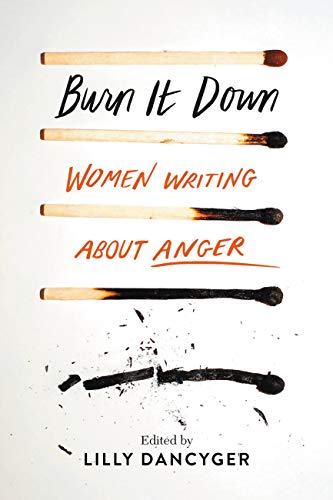
Friday, January 17th: Burn It Down Reading
Subtitled Women Writing About Anger, "Burn It Down is an anthology celebrating the history and culture and transgression of women's anger. Contributors Dani Boss and Melissa Korbel will read tonight, along with local essayist Theo Nestor.
Elliott Bay Book Company, 1521 10th Ave, 624-6600, http://elliottbaybook.com, 7 pm, free. *
Saturday, January 18th: Sleeper Cell Reading
According to press materials, "A Scribe Called Quess? is a poet, educator, actor, playwright and activist, in that order." He's a slam poet who has won a ton of awards, and he also speaks out on the topic of education reform. He's here to celebrate his latest poetry collection. Third Place Books Seward Park, 5041 Wilson Ave S, 474-2200, http://thirdplacebooks.com, 7 pm, free.
Sunday, January 19th: Cracking the Young Adult Book Market
The Author's Guild hosts a meeting and a presentation for young adult writers titled "Cracking the Young Adult Book Market." The person giving the presentation is a literary agent named Kathleen Ortiz. All are welcome to come and learn about the business of writing and what the Author's Guild can do for you. Elliott Bay Book Company, 1521 10th Ave, 624-6600, http://elliottbaybook.com, 3 pm, free.
Literary Event of the Week: Epic Reads at University Book Store
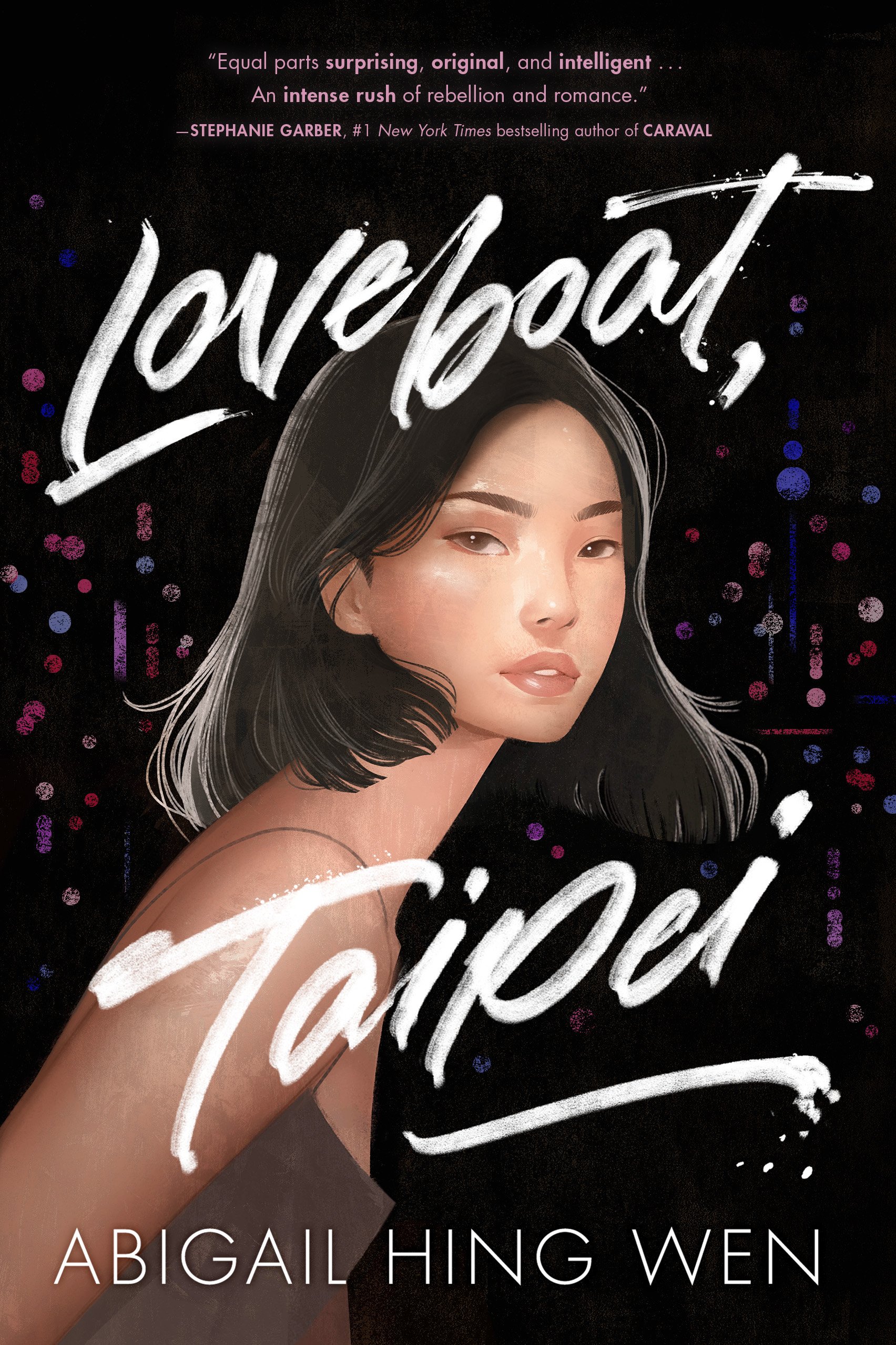
Personally, I'm not a huge fan of the overused word "epic," but everything else about this event sounds great. "Epic Reads" breaks the audience up into small groups who then participate in a round-robin session of intimate readings and conversations with a collection of touring young adult writers. The cost of entry is the purchase of any one novel by the participating authors.
If you've ever wanted an up close and personal conversation with a writer, this is a pretty great gimmick for a reading. It's especially interesting for young readers who are interested in the writer's life but are maybe too shy to speak up and ask questions at a huge reading.
The epic authors in question are:
- Adam Silvera, the bestselling author of Infinity Son, a fantasy novel about two brothers who live in a world of magicians at war.
- Abigail Hing Wen, who wrote Loveboat, Taipei, a romantic novel about a young woman who takes part in an educational program that brings her to a new part of the world with a whole classroom of world-traveling, romance-minded teens.
- I Hope You Get This Message is Farah Naz Rishi's book about what three teenagers do when they believe the world is about to end in a week.
So that's apocalyptic humor, a romantic travel adventure comedy, and a high fantasy novel about destiny, legacy, and war. Best of all, you don't have to choose between the events — you'll get an opportunity to talk with every single one of the authors. Think of it as a Whitman's Chocolate sampler of a reading and you've got it all figured out. Sounds pretty...well, you know. University Book Store, 4326 University Way N.E., 634-3400, http://www2.bookstore.washington.edu/, 6 pm.
The Sunday Post for January 12, 2020
Each week, the Sunday Post highlights just a few things we loved reading and want to share with you. Settle in with a cup of coffee, or tea, if that's your pleasure — we saved you a seat! Read an essay or an article online that you loved? Let us know at submissions@seattlereviewofbooks.com. Need more browse? You can also look through the archives.
The beginning of the year is always bittersweet for me. Each year seems to pass with increasing swiftness, and this time, I found myself at the top of a new decade, bewildered yet again. So in the spirit of this time of year - a couple Sunday reads about time, and why we feel its passing so keenly, how we grapple with its sensation of loss, and why humans, fastened to our perception of time, experience our lives.
How Long is Right Now?
Not surprisingly, as soon as the new year began, there was a online debate as to when the new decade really began : this year or next? This Vice article goes deeper, tracing “right now” and philosophies, psychologies, and physics of time from St. Augustine to modern day neuroscientists.
Right now is definitely not a whole year, it's not a day, and not an hour—these timescales are too long. Even one minute, if you really think about it, is too much. “We come closer and closer, and we end up in the few-seconds range,” he said. “Close to how long it would take if I say, ‘Now.’”
And he's right: According to a wide variety of studies, right now only lasts a few seconds or less. More intriguingly, it might not be right now at all, but right a-few-seconds-ago.
The best analysis of Greta Gerwig’s Little Women
On the first day of this new year, Mariya and I went to see Little Women, the new Greta Gerwig film. It is luminous; I felt I was seeing something entirely new. In Gerwig’s hands, the story is sliced and diced so that childhood and young adulthood snapshot to and from each other as we watch each of the March sisters grow into the lives they ended up living. Like psychologists in the last article explained, we always live slightly in the past.
The effect is a moving portrait of the absolute, lambent promise of adolescence, and the crushing and conflicting uncertainty and finality of adulthood. During this past decade, I too made this transition. I was just 16 in the beginning of 2010; by the end of this year, I will officially be in the “nearly thirty” camp. These last ten years have made for an unfairly long decade. This Twitter thread by Frankie Thomas is the first “review” that I felt really explained why this Gerwig’s interpretation is so astonishing and poignant.
Little Women (2019) picks up where Lady Bird left off: the question of how to continue living when you feel like you were only ever meant to exist as a teenage girl
— Frankie Thomas (@frankie_jay_tho) January 5, 2020
A Conversation with Carlo Rovelli
At the end of last year, I read Carlo Rovelli’s slim volume, Seven Brief Lessons on Physics. In its final chapter, after having my brain twisted into thirty knots already, the theoretical physicist taught me that time, as we perceive it, is not real. As each year disappears into the next, Rovelli tells us that the “universal ‘flow’ of time doesn’t exist,” that sequential time is merely an illusion. The future is not less real because it is not “now,” and more than “there” is less real than “here.” I won’t get into all of it (because I barely understand it), but I recommend you read the book, and this interview as Rovelli eloquently describes how humans, more than any other animal, are “time machines,” constantly commemorating the past and imagining the future. And maybe you’ll feel calmer about the new year too.
We live a little bit in the past, in the future, in the present, and in the future at the same time together. We definitely do that. But then we narrate ourselves always in the present. We think about ourselves in the present. And the source of our confusion about time, and all this discussion about time, comes from that. When we hear music, we hear a musical phrase, and so we appreciate music because it’s a certain sequence. But in every single moment, we’re just listening to only a single note or a single chord. So how can we appreciate the narrative if we hear just one note at a time? And that’s it, precisely because we don’t live in the present. We strongly immerse in the memory of the previous chord, of the musical phrase, and you anticipate how it will continue.
Whatcha Reading: Looking back at 2019
Every week we ask an interesting figure what they're digging into. Have ideas who we should reach out to? Let it fly: info@seattlereviewofbooks.com. Want to read more? Check out the archives.

One of the great joys of running Whatcha Reading is seeing all the books people are reading. In 2019, people in the column talked about 258 books. There’s a big table below listing all of them, sorted by title, alphabetically.
Of those, only eleven books were mentioned twice (no books made three mentions this year), so deserve an extra callout.
- A Field Guide to Getting Lost, by Rebecca Solnit
- Autobiography of Red, by Anne Carson
- Deaf Republic, by Ilya Kaminsky
- Dreyer's English, by Benjamin Dreyer
- How to Do Nothing, by Jenny Odell
- Is, Is Not, Tess Gallagher
- Less, Andrew Sean Greer
- Milkman, Anna Burns
- On Earth We're Briefly Gorgeous, Ocean Vuong
- The Nickel Boys, Colson Whitehead
- The Secret Lives of Color, Kassia St Clair
Personally, I read Less, The Secret Lives of Color, and I saw Jenny Odell talk at the XOXO Festival, her lovely book is still sitting on my to-read pile.
You’ll see each of them listed twice below, because I’ve also linked them to the original column they appeared in, so you could find the source, if you want to be the kind of nerd who looks over huge lists of books and finds where they were mentioned on the site (and, to be clear, I am the kind of nerd who creates huge lists of books).
I wish I could tell you what the trend was this year, but waving a hand over this list revealed nothing to specific to me. I'd be curious if you have insight into that. What I can say, pretty definitively, is that Seattle is full of (and visited by, since many of these were touring writers) people who read incredibly widely. Kind of gives you hope about the world, doens't it?
Here's the full list. We'll be back next week with our normal Whatcha Reading, but isn't it fun to take a step back and gander at just how many books have been recommended on the site by guests? I'm absolutely thrilled about it.
The Help Desk: A life of (true) crime
Every Friday, Cienna Madrid offers solutions to life’s most vexing literary problems. Do you need a book recommendation to send your worst cousin on her birthday? Is it okay to read erotica on public transit? Cienna can help. Send your questions to advice@seattlereviewofbooks.com.
Dear Cienna,
My wife is a true crime junkie. She started with Ann Rule when she was a teenager and now she'll read anything about a serial killer that she can get her hands on. Like, the more deranged and gross the crimes, the more into it she is.
She's super-sweet. She had your stereotypical suburban Redmond childhood. The closest she's ever been to a crime is that time the wind pulled a popsicle wrapper out of my hand and out the car window on the highway, making her an accessory to littering.
I'm starting to wonder if this true crime obsession is healthy. Sometimes she has nightmares, and sometimes she gets herself worked up over sounds in the night. It's not out of hand, but I worry all this murder and mayhem is having a cumulative effect on her psyche.
When I bring it up, she says I'm worrying about nothing, and that true crime is her release valve — how she blows off steam. What do you think about true crime?
Erik, Admiral
Dear Erik,
Although I live in a state where child marriage is still legal and flourishing, I assume you're married to an adult woman? If that's the case – if she's your partner and not a sex-obliged ward you bought at a middle school auction – then your role is to rub her back and mind your business, not police her entertainment. It could be that reading the regular ol' news about the koala-burning, hate-criming shitbasket of a world we live in is giving her nightmares. It could be that reading true crime is her coping mechanism.
I do like the genre. Studies show women especially respond it, perhaps to puzzle of how each crime is executed and criminal caught, or perhaps as an ancient survival mechanism to avoid becoming the next victim. All I know for certain is that I find it to be grotesquely empowering, like receiving a dose of bloodthirst on loan. When I look at a man afterward, I think: "I hope you don't make me make hamburger out of your man parts," because like most of modern civil society, I am eager to blame the victim.
Then I think: "But if you do, what condiments should I use?"
If you want to make your wife happy, introduce her to Snapped. Sadly, it is not a book series, but it is a true crime experience produced for the modern day woman.
Kisses,
Cienna
Portrait Gallery: EJ Koh
Each week, Christine Larsen creates a new portrait of an author for us. Have any favorites you’d love to see immortalized? Let us know, or see if you can find them in the archives.
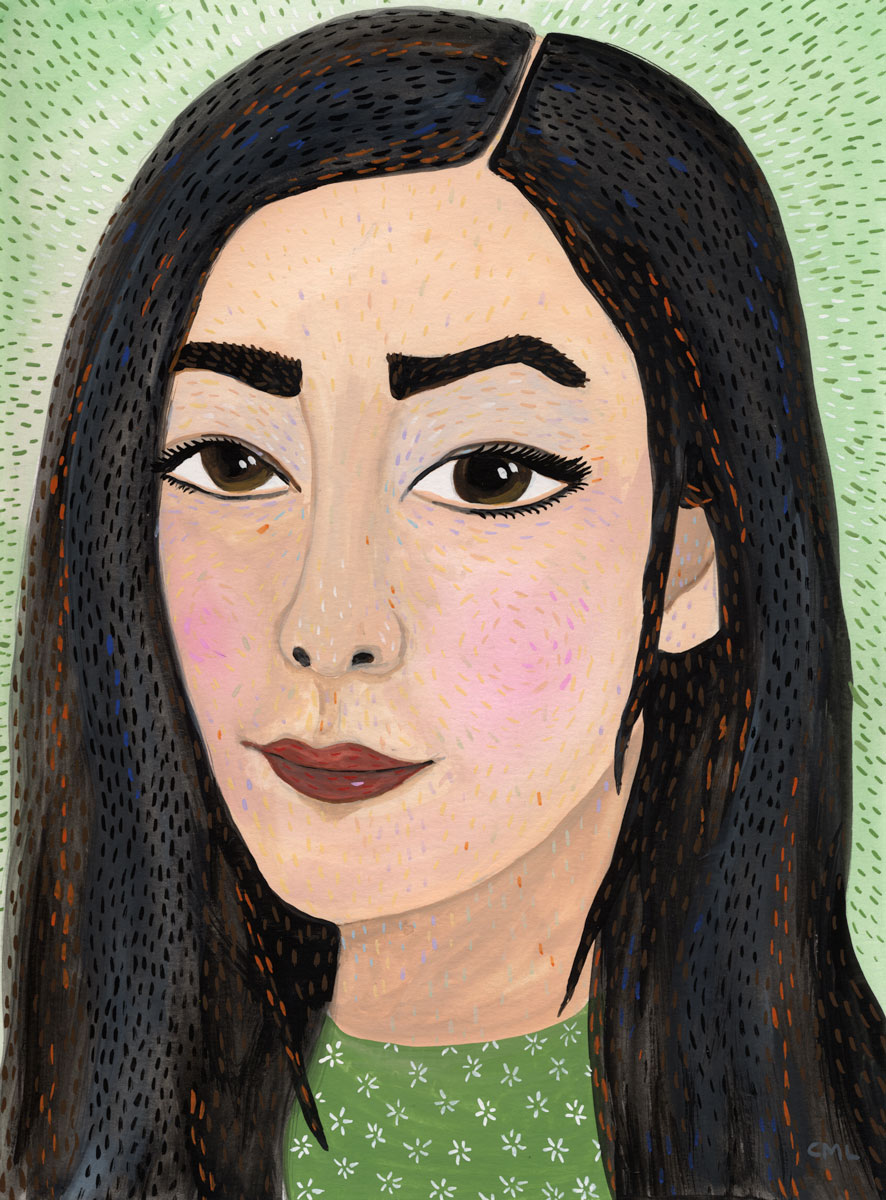
Congratulations to Seattle's own EJ Koh on the release of her new memoir, The Magical Language of Others!
Social media addicts anonymous
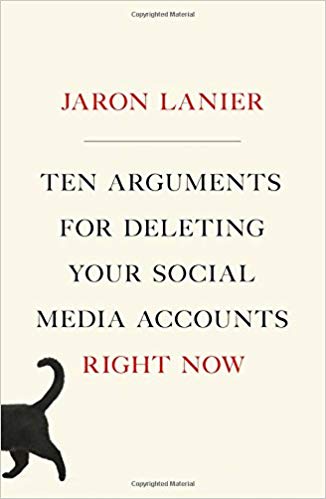
It's true that Jaron Lanier comes across as abrasive to many readers. He's been immersed in the tech industry for decades, and so his writing and speaking style have a kind of Silicon Valley style to them: he speaks in broad generalizations, and he's got a holier-than-thou libertarian vibe when he writes grandly about society.
But it's precisely because Lanier is a creature of the Silicon Valley that his thoughts on technology are so important. Read any of his books — I started with You Are Not a Gadget — and you'll see that he's a very different kind of tech evangelist: he's an advocate for consumer privacy and transparency between users and services. He's a traitor to his own people, and that makes him a compelling narrator.
Last night's Reading Through It Book Club discussed Lanier's most recent book, Ten Arguments for Deleting Your Social Media Accounts Right Now. It was just the right time to discuss the book — most of us had taken a break from social media over the holiday vacation break, and we were suitably wary of re-engaging with our Facebook, Instagram, and Twitter accounts after reading the book.
You've likely heard many of the arguments against social media, and you likely still use social media. Maybe you feel guilty about it. Perhaps you recall a time when you were off social media and you felt more relaxed and engaged and generally happier, but you still find yourself numbly refreshing your feeds, desperately looking for something new. The mechanics of this are simple meat and chemistry: the dopamine hits, the fear of missing out, the boredom of waiting in line at the grocery store.
In "Deleting", Lanier makes ten arguments against the shiny allure of social media. Some of the arguments overlap — "Social media is destroying your capacity for empathy" and "Social media is making you into an asshole" sound pretty similar, for instance — but they all boil down to one tortured acronym. Lanier identifies the one problem of social media as "Behaviors of Users Modified, and Made into an Empire for Rent," or BUMMER. He argues that "BUMMER will lead us into hell if we don't self-correct."
The tone of last night's book club felt a little bit like a 12-step group for addicts: A spirit of resignation, the glimmer of recognition when someone describes negative behaviors, the promise of a better way around the corner. I would argue that we are all much more savvy about the perils of social media now than we were a decade ago, though, and agitators like Lanier are helping us realize how much our perceptions are being forcefully changed by the algorithms.
And though we have all gone crawling back to the never-ending feed in the past, that's not proof that we will always fail in our pursuit to free ourselves from the bad actors who are selling us a funhouse mirror of ourselves. We can get through this the way anyone in recovery does: one day at a time, focused on incremental improvements, and with the serenity to accept that not every step will be in a forward direction.
Thursday Comics Hangover: Two Portland comics greats at the Beacon, for one night only
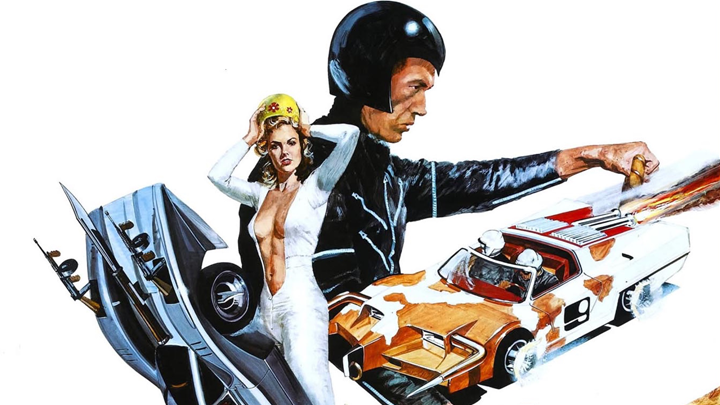
In south Seattle, in a tiny storefront on Rainier, there's a new independent movie theater called The Beacon. I highly recommend the Beacon for any Seattle-area cinephiles: they show cleverly curated series of repertory films from across time and space: one series focused on the alienation of the suburbs, while another looks at heist films from a lens of class struggle. It's a small and well-appointed space to show up and fall in love with films.
Why am I mentioning the Beacon in a column about comic books? Because you comics nerds need to know about an event they're putting on next Saturday, the 18th of January. Outstanding Portland comics writers Kelly Sue DeConnick and Matt Fraction will be coming to town for one night only to host a screening of Death Race 2000. (Not the remake with Jason Statham; the 1975 original with David Carradine and Sylvester Stallone.)
DeConnick and Fraction are the perfect pair to present this film. DeConnick is the author of Bitch Planet, a feminist sci-fi comic about women in a space prison that, like Death Race, cleverly employs trashy genre tropes to make a larger point about society. And Fraction's current creator-owned series, a crime comic stylishly illustrated by Elsa Charretier titled November, similarly features a meditation on violence in fiction and how it impacts the lives of victims and bystanders and perpetrators alike.
Fraction and DeConnick are comic book writers who bring a rock-star energy to their work and presentation. I expect their presentation of this film to be funny, surprising, and insightful — just like their work. Get tickets now, before they sell out.
Book News Roundup: Bookstore Link debuts, King County Library System wins two awards for excellence
-
This morning, the folks behind Seattle-based independent audiobook seller Libro.fm revealed their big new idea: a website called Bookstore Link. It's a super-simple way to share links for people to easily buy specific titles from their local independent bookstores. First you enter the title you'd like to share, and then, if you'd like, you can choose the independent bookstore you'd like to link to. The site then creates an easy link to share on social media that makes it easy for folks to buy from an independent bookstore. Libro.fm doesn't take a cut of any of this transaction — the bookstore makes 100 percent of the sale. It's a simple way to promote your favorite indie bookseller online, and to drive readers away from a certain large online retailer that's currently swallowing the entire world. Here's a (very self-serving) example of what it looks like to link to a particular bookstore, and here's what it looks like when you send people to find an indie bookstore near them. I'll be talking with the creators of Bookstore Link about the making of this service soon; stay tuned for that interview.
-
Congratulations to the King County Library System, which was just recognized with two Library Journal awards. KCLS was honored as a five-star library system, meaning it excels in six categories ranging from the quality of its collections to the strength of its wifi, and the Tukwila branch of KCLS was honored as a Landmark Library designed to “meet today’s challenges and create tomorrow’s opportunities.”
-
Zora, a blog celebrating women writers of color, just released "The Zora Canon," which they describe as "our list of the 100 greatest books ever written by African American women." Yes, the books you're thinking of are on this list, but I guarantee you haven't heard of all of them. Check it out.
-
Here's a very good cartoon about JK Rowling officially becoming a Problematic Author.
-
And speaking of Problematic Authors, I was horrified to learn that Isaac Asimov was a very public — proud, even — serial groper of women:
Asimov was open about his practices: “I kiss each young woman who wants an autograph and have found, to my delight, that they tend to cooperate enthusiastically in that particular activity.” He defended himself by saying that he was universally seen as “harmless,” and the implication that it was all just an act culminated in his satirical book The Sensuous Dirty Old Man (1971), in which he wrote, “The question then is not whether or not a girl should be touched. The question is merely where, when, and how she should be touched.”
Foxes and wormholes and Dead Astronauts: Talking with Jeff VanderMeer about how he writes his audaciously weird novels
Back in December, I interviewed sci-fi author Jeff VanderMeer onstage at Elliott Bay Book Company to celebrate the release of his new novel, Dead Astronauts. VanderMeer is perhaps best known as the author of the Southern Reach Trilogy, the first book of which was adapted into the film Annihilation, and he's at the forefront of science fiction right now. He writes books that are environmentally minded and weird and resistant to straightforward narrative — Dead Astronauts, for instance, is a story that involves time travel and weird interdimensional foxes and parallel universes and a giant corporation that's eating everything. VanderMeer's writing voice is so sharp and unafraid and prickly that you might wonder if he would be chilly or impersonal. In person, though, he's a delightful, forthcoming man who isn't afraid to speak his opinions but is endlessly generous with his fans. What follows is a lightly edited transcript of part of our conversation.
I was blown away by Dead Astronauts, and I love that you seem to break every single rule in every single how-to-write guide. First, I want to talk to you about the way that you introduced the characters in this book. I know there's nothing an author enjoys more than hearing someone else read their words aloud, so here you go:
...a tall black woman of indeterminate age named Grayson. She had no hair on her head because she liked velocity...Chen was a heavyset man, from a country that was just a word now, with as much meaning as a soundless scream, or the place Grayson came from, which didn't exist anymore either. Moss remained stubbornly uncommitted — to origin, to gender, to genes, went by "she" this time but not others.
You introduced each of these characters by describing what they don't have, so they each come out of negative space. We only learn what they're not. I kept reading the passage over and over again because I haven't seen anything quite like that. I love the way you did it, but I'm still not even sure if it's technically possible to introduce characters in that way in a book.
Well, I hope it is.
I think that it speaks to the fact that they literally have nothing. They have nothing but their mission at this point. They've become the mission, and so you can only describe them by, in a sense, what they were before but are not anymore, or where they came from — places that don't exist anymore. And so they're both completely cut off and yet completely unified, and who they are is in a way each other.
There is more description, later, of them. But it's true that I like to discover characters over time. I don't like to frontload a lot of information. I want to just give you enough to rope you in. I also think about what the characters themselves, if they were speaking to you, would divulge and not divulge, and I try to be truthful to that.
A lot of this book comes from a nonhuman perspective. And I've seen in interviews that you've admitted that writing from the perspective of an animal is not really possible because you have a human brain. If you're setting out to do something that you know is not possible, does it feel like failing every time? Are you comfortable with the way that it turned out in the book?
Early on, I found Angela Carter and just fell in love with all of her work. And I remember something she said, which was just simply that she always wanted her reach to exceed her grasp, and she didn't care if she fell on her face. That's something I think about every time I write, and it applies specifically to non-human perspectives.
And there's so much that's harmful about stereotypes of animals in pop culture and elsewhere, so I long ago lost the fear of doing more harm, because there's so much harm that's being done already.
But also, usually there's some human interference in the animals whose minds I'm inhabiting. So it's mostly, like, biotech; even the fox had been altered by humans. I feel like that gives me the permission to enter into that mind, and then I just have to find the thing that's personal to me.
So, for example, the fox expresses a lot of views I don't believe in because I'm not a fox. But the anger that the fox feels is something that I feel very purely, and so that allows me the entry point that's human — but then also something that's not human.
If I were to just do a fox's story from its own point of view it would be a 5000-page novel of smells, because that's what foxes rely on. Then you would have to interpret what was going on in the novel just based on the smells that were in the book.
[Someone in the audience shouts "DO IT," and the room breaks out in laughter.]
That's why there are different forms in this book — I started out as a poet and I returned to that a little bit with some of the prose poetry and some of the lyricism. The other thing is that I wanted to be more didactic in certain sections, and the only way to do that was to also be more lyrical at the same time to overcoat it, so it wasn't just writing an essay. I didn't want to just convey information. Information is not a novel.
That's why there's so many different forms in there, is the attempt to do this thing that's impossible, but do some facsimile of it in a way that's honest.
There's a lot of play in the book. It didn't feel showy to me, like some authors who I will not name onstage but will happily name after the reading if you want. Did you feel as though it was breaking the form of a novel at any point? Did you ever have to pull yourself back?
That's a really good question. I was very formally experimental in my early work and I think it served a purpose there, because I was really writing about history. And so the fact that it was formal and not always tied to the emotional lives of the characters made sense.
But ever since, I've tried to make the experiments more and more invisible. So the Southern Reach Trilogy has a lot of experiments that are invisible — for example, a lot of dialogue from Annihilation is repurposed in the scenes that are in the corridors of the Southern Reach — incidental conversation, things like that. There's ways I'm literally trying to use mesmerist tricks in Authority, for example, to hold a reader in a place so they feel uncomfortable but they don't know why.
There was a version of [Dead Astronauts] that was much more experimental. The fish point of view swam underneath two of the other sections, but there was no way to format it where it just didn't feel like a footnote. I did not want that thing where you're going back and forth on the page; I felt like that would be death in a novel where it's already fairly strange and breaking some convention. So FSG [Dead Astronauts publisher Farrar, Straus and Giroux] had to retype the entire novel because they had already done it that way, and I would just like to thank FSG for doing that. It was excruciating for them, and I will forever feel guilty. I was trying very hard to make the flow of it and the sequencing of it such that it felt less experimental than it was so that the reader could get into it. Because I really want the reader to be immersed in it, not to be noticing what the experiments are.
In an interview with the Paris Review, you said, and I quote, "I always go back to structure. I think more and more of structure as the scaffolding a writer needs in their mind to write a story or novel." Your writing feels very intentional, but it doesn't feel to me like you're starting out with a structure every time. In Dead Astronauts, for instance, it doesn't feel like you started out with a strict plan. I was wondering if you could just talk about whether you keep to the structure in your head or if it evolves, because you seem like a very organic writer to me.
Well, that's why I call it scaffolding. I start out writing a story or a novel because I have this intense image in my head that has some resonance. It's not symbolic in a Freudian way — I think that's a dead end because it means only one thing — but it's something that resonates and is connected to a character.
And then I have some sense of an ending, and then some scaffolding of structure comes around it, and it may not even be the structure that's actually, finally, the novel. Like for Acceptance, I imagined the structure as as a five-pointed star. In the middle of the star is the biologist's point of view and everything spokes off from that, but if you diagrammed the novel, the actual structure is not that. That is just simply a structure in my head that allowed me to write the novel.
[With Dead Astronauts,] it was a little looser because I felt that there's a remix version of this where you literally just change the order and you have a very different novel, depending on what you encounter first. That liberated me quite substantially in worrying about sequencing. All I had to do was make sure that the structure of each section was correct and then make sure that the order made sense for the effect I wanted to make, while realizing there were all these other wormholes that you could take to read it and have a totally different effect.
Another year, another journalism outlet that needs your help
You may have missed this over the holiday break, but the Seattle Globalist, a publication devoted to contextualizing Seattle in the larger international community, announced that it had run out of money.
At Crosscut, Marcus Harrison Green writes about what this means for the city's media landscape:
At a time when most newsrooms give lip service to racial diversity while being whiter than a Friends Trivia Night on Vashon Island, writers for the Globalist are 67% people of color and 45% immigrant or first generation American.
There’s no newsroom in the city that comes within Jupiter’s diameter of those numbers.
Most importantly, the Globalist acted as a fertile training ground for emergent journalists of color. Many of those journalists, with only the means provided by a working-class income, found traditional tracks such as journalism school cost-prohibitive. Amassing tens of thousands of dollars of debt for the tenuous prospects of finding a well-paying media gig after graduation didn’t quite pencil out.
If you care about diversity in Seattle journalism, this Friday brings a unique opportunity to support two organizations at once. The newly revived Seattle Association of Black Journalists is hosting an all-ages holiday party at the Redwing Cafe starting at 6 pm, and they're splitting the proceeds with the Globalist. DJ Custom Cutz will be playing all evening, and plant-based light appetizers will be available, along with beer and wine for sale.
Believe me, I'm as frustrated as you are that worthy media outlets have to rely on guilt and shaming to keep the lights on. And I want to be clear: This isn't your fault. Huge economic forces currently beyond our control are making it very hard for media outlets to stay in business. And we will work to do something about that, by and by.
But goddamnit, if you can give anything to help make Seattle's media younger, less white, and more gender-diverse, I hope you'll consider supporting these fine organizations.
The pleasure of addressing
Published January 7, 2020, at 12:00pm
Unpublished until after its subject's death, Sophie Calle's Address Book says something about privacy in an era determined to end it.
San Jose, Costa Rica
(Side-scroll to see full lines)
Doña Mary said, Come. Not Here, help me or even Lo siento,
just Come, and led me to her china cabinet. Turned the key,as I moped like congealed spaghetti on the couch
inconsolable over my wallet, stolen on a crowded bus,began extracting each glass, each dish, each vase,
handed me, one by one, the fragile objects. We washedand dried, assembling them like looted treasure, polished
each shelf with graying rags. She lifted a vase, tall and thinas a prepubescent girl, and told the story of her husband’s death
ten years earlier. Abel. Her espadrilles shushed across the floorfrom sink to cabinet; water sparkled the wedding ring
she still wore. It was long past 2:00 a.m.when plates were re-stacked, glasses carefully lined,
tiny bells sparkling even the dull overhead light.Now, I understand this is the purest form of comfort:
not to say I’m sorry or Que lástima, but to take hands, share tasks,stand beside, be six-year-olds comparing scabs, lost
in color and texture, hands busy in pressing, picking, telling.
Two January sponsorships left!

Imagine that here, instead of these words, people are reading a chapter from your book. Or, finding out about an upcoming event you want to promote. Or, asking for donations.
Since you're reading this, imagine all the others that were curious too — that's because sponsorships on the Seattle Review of Books work. They are focused, targeted, in that our entire readership is self-selecting, and inexpensive.
Winter and Sprint openings will be launching soon, and we want to make sure we're ready by clearing the deck — so get the last two sponsorships of January at a great price before we launch the next group. Find out how effective the sponsorship is, and why our sponsors come back again and again, whenever they need to reach Seattle's most literate and best-engaged audience.
Your Week in Readings: The best literary events from January 6th - January 12th
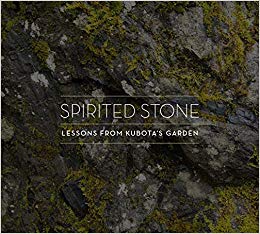
Monday, January 6th: Spirited Stone: Lessons from Kubota's Garden Reading
This is a reading celebrating a new collection of "short stories, poems, essays, and photographs" which pay homage to south Seattle's most beautiful park, Kubota Garden. (It's also Seattle's most underrated park, by the way.) Third Place Books Seward Park, 5041 Wilson Ave S, 474-2200, http://thirdplacebooks.com, 7 pm, free.
Tuesday, January 7th: The Magical Language of Others Reading
See our Event of the Week column for more details. Elliott Bay Book Company, 1521 10th Ave, 624-6600, http://elliottbaybook.com, 7 pm, free.
Wednesday, January 8th: Reading Through It Book Club
The Seattle Review of Books presents a discussion of a book that just might save your life in the hellscape that will be the year 2020: Jaron Lanier's thin manifesto Ten Arguments for Deleting Your Social Media Accounts Right Now. Do you really need Facebook? I mean, really need it? Third Place Books Seward Park, 5041 Wilson Ave S, 474-2200, http://thirdplacebooks.com, 7 pm, free.
Thursday, January 9th: Scavenge the Stars Reading
Tara Sim's gender-swapped riff on The Count of Monte Cristo is an adventurous fantasy for young readers. Tonight, she'll be in conversation with fellow YA author Margaret Owen. Third Place Books Seward Park, 5041 Wilson Ave S, 474-2200, http://thirdplacebooks.com, 7 pm, free.
Friday, January 10th: Gazing at the Distant Lights Reading
In 1964, a young man finds himself "alone and alienated in a conservative evangelical culture he finds bizarre and repressive." Gazing at the Distant Lights asks two questions: Can he find something better? Can he find love? Third Place Books Lake Forest Park, 17171 Bothell Way NE, 366-3333, http://thirdplacebooks.com, 7 pm, free.
Saturday, January 11th: Task Force Baum Reading
James D. Shipman's novel is a thriller that is "based on the true story of General Patton's clandestine unauthorized raid on a World War II POW camp." That Patton! Always getting into hijinx. Third Place Books Lake Forest Park, 17171 Bothell Way NE, 366-3333, http://thirdplacebooks.com, 6 pm, free.
Sunday, January 12th: Writers Read
Columbia City's library hosts its regular open mic night, which isn't at night at all but rather which happens in the afternoon. Seattle Public Library, Columbia City Branch, 4721 Rainier Ave S, 386-1908, http://spl.org, 2 pm, free.
Literary Event of the Week: The Magical Language of Others debut party at Elliott Bay Book Company
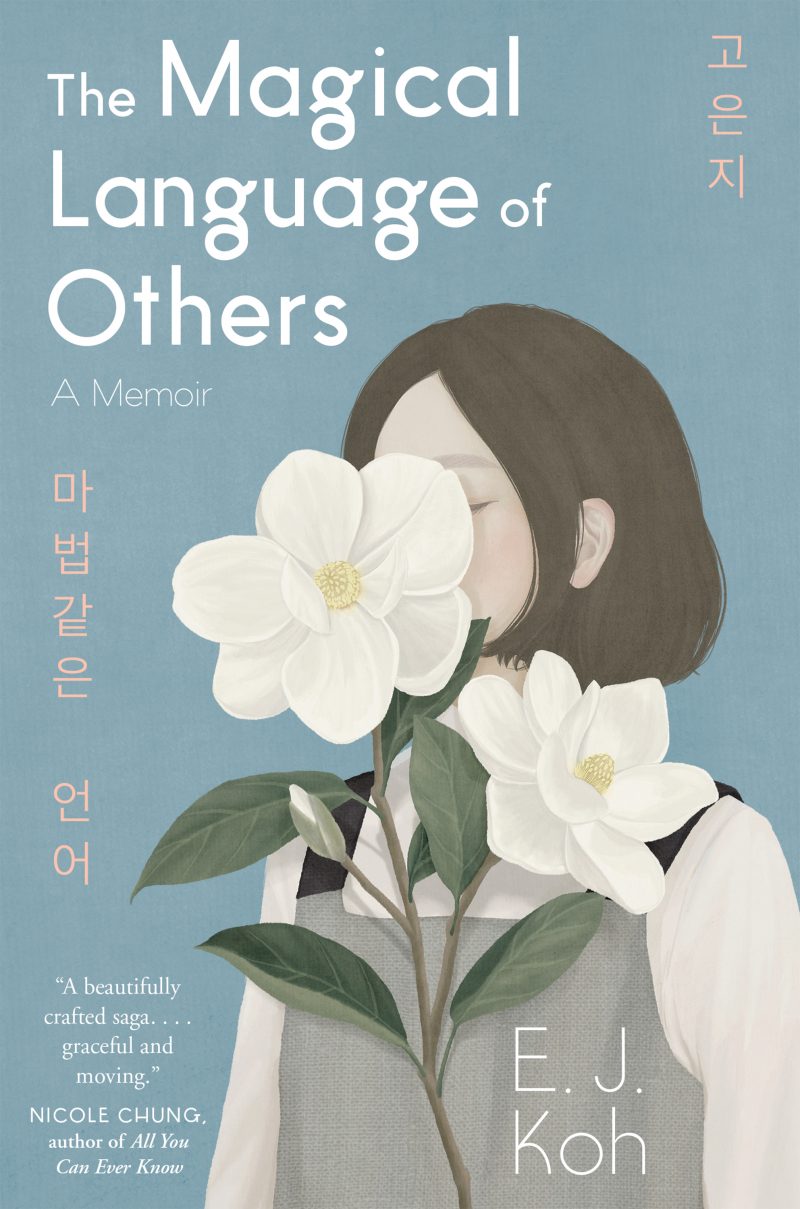
We at the Seattle Review of Books are huge fans of Seattle poet EJ Koh.
In my review of her debut poetry collection, A Lesser Love, I wrote that her poetry is...
...intensely interested in exploring the complexities of those human interactions: father to daughter, daughter to mother, lover to lover, occupier to occupied and back again. History is a theme in her work. She is interested in the history of nations battling nations (one of her best poems is titled “Korean War,” and it is an attempt to capture all the complexities of a geopolitical conflict onto a single sheet of paper) and in the history shared between people.
Tomorrow night, Koh presents her first memoir in a big party at Elliott Bay Book Company. The Magical Language of Others is a memoir that's informed by letters Koh received from her mother during a time when she was separated from her parents in her teens. At the time, Koh read the letters and didn't think much of them. But as an adult, she was struck by what her mother gave up to keep her in America, to build her a better life. Those letters figure heavily into the memoir, as well as what translation has meant to her.
Koh told me a couple years ago that she's "not super, super fluent in Korean — I can do karaoke, but I’m not super fluent." But she was already talking about language as a way to stay in contact with her parents.
I do translate Korean poetry, and I use the help of my father, who’s been great. My dad gets the literal translation for me. I get to sit next to him and ask him the context because the literal is not enough. I also want to know for him being born at that time — let’s say post-occupation or so — and so during the war, what was going on? What was the pop culture? What did that word mean then, not what does it mean now? So that’s been really great.
This is what it looks like when a literary year kicks off with a bang: Koh's memoir, about the gap between parents and their children, looks to be one of the most promising books of 2020. Can Koh bridge that gap between herself and her parents? Can she find a familiar connection through translation? Really, when you get down to it, can anyone actually forge a true understanding between generations?
Elliott Bay Book Company, 1521 10th Ave, 624-6600, http://elliottbaybook.com, 7 pm, free.
The Sunday Post for January 5, 2020
Each week, the Sunday Post highlights just a few things we loved reading and want to share with you. Settle in with a cup of coffee, or tea, if that's your pleasure — we saved you a seat! Read an essay or an article online that you loved? Let us know at [submissions@seattlereviewofbooks.com](mailto:submissions@seattlereviewofbooks.com). Need more browse? You can also look through the archives.
The strangeness of grief
A couple of weeks ago I was chatting with a friend who grew up in rural California, who did not grow up with books, and who had just started reading Of Mice and Men. It was exactly his kind of story, he said, an adventure story about two men, farming, other familiar things.
When we met again he reported on his experience of the ending of the book. I tried to remember the age at which a teacher put Steinbeck in my hands, and how that reading felt. What would it be like to read about George and Lenny for the first time at 50, after a lifetime of work and love and grief?
Talking about sadness and stories and school reminded my friend of a classroom screening of Old Yeller (again, he did not grow up with books), and how he turned around at the critical moment to find the boy behind him crying openly, red-faced, unashamed. How he turned back around quickly, glad his sadness was better hidden.
My friend and I have a common language of sad childhood stories, mostly on the screen on his end, mostly on the page on mine — Black Beauty, The Black Stallion, Where the Red Fern Grows, Charlotte’s Web. Animals in danger and often dying populate the world of children’s stories, as if to train us for what’s to come.
Grief remains strange, though — untrainable. As V. S. Naipaul puts it:
We are never finished with grief. It is part of the fabric of living. It is always waiting to happen. Love makes memories and life precious; the grief that comes to us is proportionate to that love and is inescapable.
Stories make us love, and so we grieve for loss in stories. It’s part of the fabric of reading. It is inescapable.
Best books of 2019
But it’s not! Anne Trubek’s weekly(ish) newsletter is not at all about the best books of 2019, thank goodness, because everything else is — the best of 2019, the best of the decade, or how in the last decade social media ate us alive and left the carrion remains for Donald Trump to pick over.
Instead, Trubek reflects on what it takes for a small publisher to win at the publishing game, which is, in very brief, doubling down on respect for readers and refusing the lure of Big Publishing tactics.
I have to keep Belt Publishing from falling into becoming ‘like any other publisher’ — which will definitely happen unless we constantly fight against the momentum to do so — so many forces pressure us into making decisions we are only subconsciously aware of, daily, that will render us ‘just like the others’ otherwise. We will fail if we make such decisions, because of the conglomeration of publishing. We will lose if we try to play the same game as the big fish.
The empty promises of Marie Kondo and the craze for minimalism
Some interesting reflections here on how minimalism became a hipster brand — a longing for simpler times, a desire for control in a world of overwhelm. Doesn’t all ring true; there’s a difference between minimalism the brand and simple thoughtfulness about what and how much you own. But I’m on board with anything that helps deflate the trend of hipster trends.
On one hand there was the facade of minimalism: its brand and visual appearance. On the other was the unhappiness at the root of it all, caused by a society that tells you more is always better. Every advertisement for a new thing implied that you should dislike what you already had. It took Andersen a long time to understand the lesson: “There was really nothing wrong with our lives at all.”
Whatcha Reading, Kieran Snyder?
Every week we ask an interesting figure what they're digging into. Have ideas who we should reach out to? Let it fly: info@seattlereviewofbooks.com. Want to read more? Check out the archives.
Kieran Snyder is the CEO and co-founder of of the Seattle-based award-winning augmented writing company Textio (which, full disclosure, makes her my boss). She has a PhD in linguistics from University of Pennsylvania, and has written about language and culture in Fortune, Re/code, Slate, the Washington Post, and, of course, on the Textio blog. Do not challenge her to Boggle or Scrabble, if you are competitive and not preternaturally skilled at those types of word games (it's nearly a lock she'll sweep the board). She always has such great book recommendations on our company's Slack, that I thought hearing what she's been reading would be a great way to welcome in 2020.
I'd be remiss if I didn't note that Textio is a very unique home for word nerds who want to work on amazing language challenges, at the #1 best place to work in Washington State, according to Seattle Business in 2018. We're hiring, if that sounds intriguing to you.
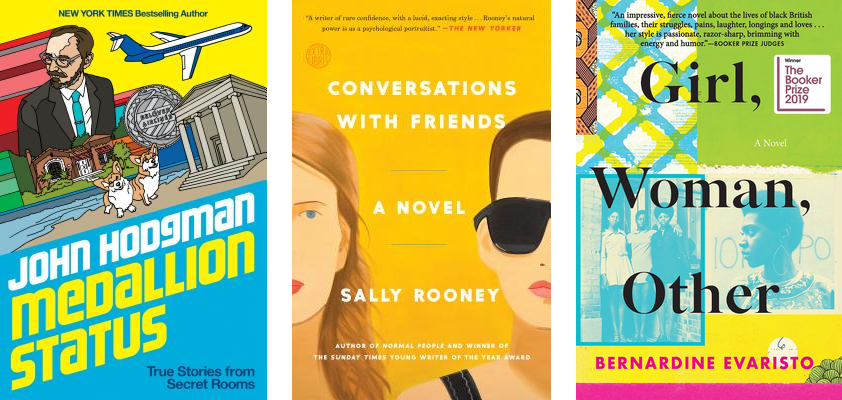
What are you reading now?
Medallion Status: True Stories from Secret Rooms, by John Hodgman.
I actually just finished it a couple of hours ago. John Hodgman writes about being a minor celebrity who didn't recognize that his moment of TV stardom was passing until it was done. Funny, compassionate, smart. A good way to start the new year.
What did you read last?
Conversations with Friends, by Sally Rooney.
I read her second book in 2019 (Normal People) and was excited to go back and check out her debut. Coming of age story in contemporary Ireland. This knocked the wind out of me before I even knew I was hit. It is a gentle punch.
What are you reading next?
Girl, Woman, Other, by Bernadine Evaristo.
My brief look makes it feel like a hybrid between a novel and a poem. Women's stories, and especially women of color's stories, in modern London. Jensen [Harris, Textio's co-founder, and Mr. Kieran Snyder] told me I would like it because it was British and looked like it had a lot of adjectives in it. I read a bunch of reviews and can't wait to get started.
December 2019's Post-it note art from Instagram
Over on our Instagram page, we’re posting a weekly installation from Clare Johnson’s Post-it Note Project, a long running daily project. Here’s her wrap-up and statement from December's posts.
December's Theme: Close Seconds
At the close of a year publishing post-its chosen by family and friends, I wanted to revisit a few that came close but ended up unseen second choices. There were more, I’ve forgotten so many, I’m remembering one right now I’d have liked to feature but it’s too late, there’s never room for all the moments together. Last January my middle sister left behind a plucky group of also-rans sharing things I love about Seattle — or loved, there’s an ominous past tense hanging around us here — neighborhood stuff, people you run into on lucky days. Tanya at Chu Minh Tofu is unfailingly kind, before I lost my old studio this fall I could go there almost every week, years of kind lunches, the rare kind of place I can sometimes afford to take myself out. She survived cancer the same time as my mom, still asks after her, makes her spontaneous soup gifts. I walk into hugs that make me feel like a sweet-hearted giant, she slips me extra egg rolls and feeds me fake meat and kindness on top of improbable kindness. Looking at the date, I guess I drew this before any of that happened, she’s just that lovely, you can’t help but notice even when your mom isn’t ill. The second post-it is the late-night afterthought conclusion to a conversation with my poet friend Laura, unwinding over pho after our respective Lit Crawl readings that night. She told me a story — this story, I can’t, it’s terrible and wonderful, we laughed and laughed and it’s terrible — about men at night in my neighborhood. I’m wary of drunk straight guys for my own reasons, skirting the bars on walks home, safer on the side streets, trying not to wander my body into someone else’s leaking homophobia. But the THINGS these guys have said to Laura. Things I remember from younger life, things I’m maybe immune from receiving in my shaven-head adulthood, tucked into hoodies and barreling home long-legged, shaking my genders off as I go, so much gender left behind. I forgot we don’t all grow out of being hit on by men, these straight sexual aggressions still advancing everywhere, so casual, nothing reportable. Our nighttime neighborhood worries were each so complete, so overlapping yet distant, mystifyingly targeted to our separate identities as straight and gay, identities these falling down drunk guys shouldn’t even be able to sense. How are they so precise. Walking home after on the quieter main street, bars and bustle in the past, here he was just a few feet to my left, his drastically bare butt the perfect punchline. Glanced over as I passed to see this white guy in a nice button-up and clean khakis, professional-looking... in a quite striking stance. His pants-down disembodied naked bottom perfectly framed, dramatically spotlit by the entrance to a fancy apartment building. The others are close seconds from my Idaho August, things my cousin considered but didn’t go for in the end. I feel my hide-and-seek prowess speaks for itself. I have a real way with this kid, his kid and by that I mean a way which I’ll admit is not totally helpful for her parents at bedtime. My cousin really lingered over the shooting stars, mostly, he said, because of how ridiculous my sister was being that night. I love it for a fleeting closeness. Family time at my grandparents’ old house up by the lake, the three of us after dark my last night of vacation. My sister wanted to watch the meteor showers, I wanted to stay up late talking to my cousin in that spontaneous way that is ruined if you ever actually say you want to talk, it just has to work out. We dragged chairs out to the edge of the yard where it drops off in darkness down to the water, laughed about falling over, did not fall over. At first it seems like nothing’s happening, just the usual stars, but suddenly your sister is announcing proudly every shooting star, it’s so many, a competition ensues, she seems EXTREMELY untrustworthy, how on earth could she be seeing so many. And then you realize you’ve seen one, four... I’m certain it was at least a tie, she was exuberantly smug and disagreed. There may also have been a discussion about whether or not to have children, and some weakly-made arguments for me to reconsider my personal no on drugs. My sister is a pretty sparkling extrovert. My cousin laughed looking at the post-it, we couldn’t remember what she’d said but he laughed again thinking of whatever it was, whatever we did.
The Help Desk: Radio silence
Every Friday, Cienna Madrid offers solutions to life’s most vexing literary problems. Do you need a book recommendation to send your worst cousin on her birthday? Is it okay to read erotica on public transit? Cienna can help. Send your questions to advice@seattlereviewofbooks.com. Cienna is bracing for 2020 right now in a bomb shelter somewhere; we're proudly re-presenting this column from three years ago.
Dear Cienna,
Some time ago, my local NPR affiliate stopped interviewing authors on a regular basis. They used to do author interviews practically every day, but now they’ll only feature a segment on a book once or twice a week, if I’m lucky.
This happened around the same time that the station stopped featuring as much local content as it used to. And it recently got involved in a very sketchy plan to buy out a smaller NPR affiliate in a situation that is way too distasteful to get into here.
But my main thing is the lack of author interviews. I thought they were a great way to get a ton of perspectives on the air, and they were terrific ads for readings at local bookstores.
So my issue is: how do I make my displeasure known? Do I keep donating to the NPR affiliate just because they’re the best of a bunch of terrible options, or do I stop donating and send them a letter explaining why? Even in their current diminished state, I’d be despondent if they suddenly disappeared off the radio dial because local media is so diminished as it is. How do I get their attention and let them know that they should be interviewing more authors in such a way that I don’t threaten their existence?
Jim, University District
Dear Jim,
What would your daily commute be like without NPR? Democracy Now! is only an hour long and spiders, while excellent travel companions, are prone to car sickness. If you have the financial flexibility to continue donating, I would encourage you to do so.
Catholics and Mormons tithe, Muslims practice Zakat, atheists have lottery tickets, and agnostics have public libraries and NPR. Much like voting, tithing involves buying into an imperfect system with the fervent hope that someday, you will be rewarded for your efforts.
And having once worked in journalism, I’d bet you five MegaMillions lottery tickets that your local NPR reporters are as frustrated than you (if not more so) with the state of their industry. Their resources are continuously being cut at a time when the city in which they operate is showcasing new, obscene riches every day. Feeling like there’s more popular support for another bar that sells $65 bottles of beer than for public radio, and that you can’t produce your best work without nearly killing yourself for pennies, is unbelievably depressing.
So donate. (If you have time, you could even volunteer.) But as a contributing member, you should also let them know you miss the daily author interviews. The most memorable criticism I ever got came with a small bouquet of flowers and a card that simply read, “You’re wrong.” It was funny, it was kind, and it made me reach out and engage with my critic when I otherwise wouldn’t have.
In the meantime, you’ve got at least one great alternative: This site’s very own Paul Constant is the most thoughtful and thorough author interviewer I’ve ever met (full disclosure: I consider Paul a “friend,” or as I prefer to call him, “human spider”).
Kisses,
Cienna
Kissing Books: Time to start a brand new story
Every month, Olivia Waite pulls back the covers, revealing the very best in new, and classic, romance. We're extending a hand to you. Won't you take it? And if you're still not sated, there's always the archives.
You can’t edit a blank page.
This is common advice offered to writers, often credited to Jodi Picoult. It urges you not to give in to the fear of failure, and reminds you that producing something flawed but concrete is better than an unattainable, unshareable dream. Books that never get finished never get read.
There are also times, writers learn, when you have to let a story go. When no matter how much time and effort and sheer brain-wringing sweat you put in, the thing fails to do what it’s supposed to. Maybe the structure is flawed, or the characters infuriatingly inconsistent. You edit and you edit and you edit, you get expert feedback, you read craft manuals and brainstorm and add ten points to your blood pressure just trying to make tiny, incremental nudges of forward progress and yet somehow` despite all that labor the thing just does not want to work. It’s unavoidably, unfixably broken, and only the sunk cost fallacy keeps your nose pressed to the grindstone while other, better ideas beckon.
At such times the right thing is to let the story go and put the work into something else.
I come to bury the Romance Writers of America, not to praise them.
For those of you new to this topic, Twitter has been on fire about this since before Christmas. A timeline of the full series of events has been compiled and is being updated by author Claire Ryan. The details are jaw-dropping—like, secret shadow ethics committee nobody knew about and board members amended bylaws ex post facto so they retroactively had power for things they’d already done kind of jaw-dropping.
But the heart of it is this: RWA went to self-destructive lengths to discipline a woman of color for speaking out against the entrenched racism of its members. The original complaint was brutally, nakedly vindictive when it said that Courtney Milan “cannot be allowed to hold a position of authority, or to use her voice to urge others to follow her lead.” Because a Chinese American author dared to publicly criticize the portrayal of a Chinese heroine in a white author’s book. Over half the board has quit, including the president, numerous committee members have stepped down in protest, and the forums are bristling—half in righteous fury, half with smug pearl-clutchers newly emboldened to talk about ‘mob rule’ and ‘unprofessional conduct.’ Petitions (yes, plural) have gone out for the resignation of the remaining board, particularly the new president (formerly president-elect) and the executive director
I have never in my life seen this many romance authors this collectively furious.
Without a complete sweep of senior staff and the Board of Directors, and an extremely thorough independent audit of process and policy, it is impossible to imagine this organization carrying on except as a bastion of the most insidious kind of white supremacy. There is no safety within these walls.
The rage that sparked when all this broke did not rise up from nowhere. A great many people over the years have made a great many attempts to try and fix RWA’s very evident problems with racism, queerphobia, and other biases. Courtney Milan’s work in particular, both on the board and off, offered hope to a lot of us from various corners of the industry. It felt recently as though things were changing—as though the creaky old ship were finally starting to turn from its accustomed course. We had our first Black and Desi RITA winners not six months ago, after all.
But this fight is decades old. It was being fought in 2005, when RWA sent out a poll asking members if they ought to restrict their definition of “romance” to “one man, one woman”. The RWA President at the time wrote an email to Nora Roberts worried the lesbians would take over RWA. We were fighting it still in 2015, when an editor at an RWA conference flatly stated their romance imprint does not acquire Black or Latinx authors (they send those to race-specific imprints). We fought to bring self-published authors, erotic romance authors, digital authors, authors of color, disabled authors, and queer authors into the membership and leadership. We elected the most diverse Board of Directors in RWA history. We pointed out microaggressions and reported open aggressions, only to have those complaints be mysteriously buried or ignored and left to rot in someone’s inbox.
And every time we cried out that change is needed, that a lack of progress on this subject is a continuance of harm, the people in power tried to lullaby us with the refrain that if you want change, you have to be patient. Patient — while they ask for our time and labor, while they ask us to educate ignorance in spite of itself, and tolerate entrenched dismissal of our humanity. Patient — be civil, be quiet, sit down, don’t use your voice, don’t argue with us, with an unspoken but palpable or else we won’t do anything for you at all.
To judge the sacrifice we make in waiting, we have to ask: what is our time worth?
Romance has astonishingly high generational turnover. You can mark the passage of the years by the loss of institutions: were you there when Dorchester was failing, when Triskelion flamed out, when Ellora’s Cave filed that disastrous lawsuit, when we lost All Romance eBooks and Torquere and Borders and Samhain and Kimani and Less Than Three Press (who bowed out so graciously; I miss them). Amid months-long allegations of nonpayment of royalties, Dreamspinner Press recently put out an oh-so-reassuring announcement that they are absolutely not declaring bankruptcy, no way, no how. And that’s not even getting into the losses of individual people, as memories fade and familiar names are carved into the obituary pages (Judith Krantz and Johanna Lindsey just this year).
I feel like an elder sometimes, bending my face to the flickering light of Twitter’s endless dumpster fire and whispering: “Listen, children, as I tell you the tragedy of Janet Dailey...”
When readers and writers protest the lack of mainstream or scholarly attention to romance novels, we are not simply asking for our egos to be flattered. Libraries and newspapers come with archives more robust than the ephemeral ones of volunteer reviewers and critics. All love to the Browne Pop Culture Library, who are bravely tackling this mountain of work and whose Twitter feed is a delight. But often, trying to find out what happened five or ten or fifteen years ago means following the breadcrumbs of broken links, or being stonewalled by the lack of access to official RWA national or chapter records. We are constantly required to be the stewards of our own history — this on top of our creative work, and the day jobs that are necessary to pay the bills for so many working writers. It would be so nice not to have to fight for the same piece of ground over and over again.
Time, in such a climate, is triply precious.
Which is why it’s so pointedly appalling and frankly enraging to see RWA leadership ask for more of our time—and, not coincidentally, for more of our money—while we languish waiting for them to fix a problem of their own creation. As though we have no option but to capitulate. To bow the head and offer only gratitude for the crumbs they claim will feed us. They honestly think all they have to do is wait us out.
Fuck all of that.
We cannot let stewardship of the past prevent us from tending to our future.
To our glory, romance is fucking resilient. We have stamina. We outlast every rickety shell game they’ve tried to play on us. Bookstores wouldn’t stock category romances, so publishers set up their own mailing lists and turned to drugstores and grocery stores and built a readership. New York kept a lock on print publication, so fresh voices sent out digital books and revolutionized the industry virtually overnight. Amazon is becoming a hive of scum and villainy (both for wage workers and the creatives who fight for a piece of the limited Kindle Unlimited pie) so we’re reconnecting with independent bookstores. When institutions stop being useful, we build other ones—that’s how RWA started in the first place, so perhaps it’s fitting that’s how it ends.
It hurts to lose an organization we’ve sunk so much into over the decades. It hurts to leave and let the bigots think they’ve won, to have to rebuild support networks and infrastructure from scratch. It’s hard. Some of us separated from RWA years ago, others will be newly shocked. Either way, we should let ourselves mourn the loss.
And then we take a breath, and sit down with a fresh page, and start a brand-new story.
Recent Romances:

Mangoes and Mistletoe by Adriana Herrera (self-published: contemporary f/f):
This holiday novella is the lesbian Latina equivalent of the Great British Bake-Off. I honestly don’t know why I even need to tell you more than that. Get your sweet and sexy high-concept contemporary fix right here!
You would not believe the sheer number of mouth-watering food descriptions a talented author can fit into a novella-length work. I would like to eat every single thing described in these pages. And I would definitely like to read more romances with two women of color, who can both bond over a culture they share, and also talk about their different individual relationships with that culture. Sully and Kiskeya both grew up in the Dominican Republic—they also have a classic grump/sunbeam dynamic, and even the bad-idea sex (not in the practice kitchen, people cook there!) is hot as hell.
If you’ve heard the buzz about American Dreamer and wanted to try the author out, or if f/f is more your thing than m/m, here is the perfect bite-size morsel.
Rule number one: No distractions. “I don’t know if the Baking Challenge’s idea of building rapport is getting drunk with a bunch of fake elves.”
Why did her laugh make me think of flowers? Stupidly, I thought, she should always be wearing a crown of them on her head.
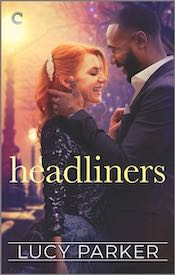
Headliners by Lucy Parker (Carina Press: contemporary m/f):
Very early buzz about this one made me sit down one rainy week and binge all Parker’s other books in anticipation—and I can’t remember the last time I got this sucked in to a contemporary romance series. Sharp dialogue, a close-up view of work—actual work!—in entertainment media, sizzling chemistry, gasp-worthy drama, and at the center of everything a great, warm, welcoming heart.
For the record, I’d definitely recommend reading The Austen Playbook before this one to get the full impact. It’s not going to be a hardship. Both are absolutely stunning.
Nick Davenport and Sabrina Carlton have dueling evening shows in London’s competitive entertainment world. They’ve carped and sniped at each other for years, even before Nick broke the story that devastated Sabrina’s family. It should have landed him the gig they were both competing for—except a hot-mic moment of candor about his new boss has Nick’s reputation as roughed up as Sabrina’s.
Naturally, to punish them both, new boss decrees they’ll be co-hosting Wake Me Up London, a cheery soft-pedaling morning show. Naturally, they’re livid.
Add in fallout from past drama, one horrifyingly creative saboteur, and a lightning-storm’s worth of sexual chemistry, and you’ve got an ideal enemies-to-lovers romp. There’s a fine line to be walked with this trope: too much bitterness, and the romance feels rickety; too little, and the reader grows impatient with the pace of the relationship. Parker’s brilliance is to build both Sabrina and Nick as gloriously, stubbornly professional: they’re exceptional at their job, and would never compromise their performance under any circumstances. It adds edge to their dynamic, as they try to out-best one another, but it also gives us a reason for them to trust one another when they realize someone’s playing silly buggers on the set. And then—oh, the falling mic! The Wibblet! The first time they [redacted]!
It’s enough glow to get you all the way through til spring.
“Are there times,” Sabrina asked, her voice just audible over the maintenance staffer’s hoovering, “when you take stock of where you are and what you’re doing, and wonder how the fuck this happened?” Daily. Never more so than now, as he crouched on the floor of the ugliest studio in the network, unshaven, in need of a shower and coffee, hiding in wait for a meddler whose Scooby-Doo antics were plausibly threatening what remained of his job security. He ought to be fed up to the back teeth, but right at this moment, he was very aware of the lightness in his chest.
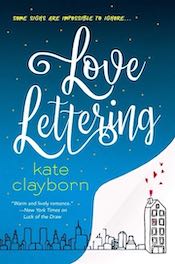
Love Lettering by Kate Clayborn (Kensington: contemporary m/f):
Speaking of close-up views of work, here we have the latest entry in the fine romance tradition of Competence Porn. This love story of a lettering artist and a financial numbers analyst is one of the strongest contemporary romances I’ve seen this year.
Meg is supposed to be hand-lettering Reid Sutherland’s wedding program. She’s not supposed to be slipping in secret messages about how she thinks the match is doomed. And Reid’s definitely not supposed to pick up on those, call off the wedding, and one year later show up to ask Meg what the hell she’s up to. It’s an excruciatingly awkward beginning, which makes the richness of the emotional payoff all the more satisfying.
This is the first Kate Clayborn I’ve read. It won’t be the last—this book is utterly captivating, with a voice that leaps forward and then back on itself, like a series of curling loops inked a blank page. Dizzying, in the way of good champagne.
A new year is a blank page, too, and this story has so much to say about blank pages. Planners, agendas, weddings, fresh starts, new relationships, creative blocks, new upheavals in old relationships—what words and pictures and numbers we use to fill the spaces in our lives. To draw connections where once was nothing. Friendships, romances, family, the relationship with one’s own self. It’s a bit like New York, to which this book is very much a love letter: the epic shapes you see from faraway are full of secret details and revelations when you go look up close.
Highly recommended for anyone who has strong opinions about secret codes, typefaces, planners, or pens.
“Meg,” Reid says. “You remember Avery.”
I say nothing. I don’t even nod and smile. I am absolutely shocked; I feel as though I’ve walked into another dimension. In this particular dimension the hemline of your dress is wasted with city street dirt and you can’t remember when you washed your hair last and there’s a high-calorie dessert called a Salty Pimp running down your left hand when you run into—in a city of almost two million people!—the ex-fiancée of the man you’re currently sleeping with.
This dimension is called Absolute Bullshit.
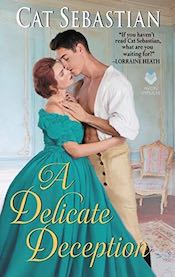
A Delicate Deception by Cat Sebastian (Avon Impulse: historical bi m/bi f):
High on my list of resolutions for 2020 is: read (and write?) more queer m/f romances, both cis and trans and butch and femme and everything around and in between. Bang the drum about people falling in love with people, no matter what gender each one happens to be. Always and forever more bi and pan and queer characters who don’t treat individual human sexual self-discovery like an automatic either/or, in or out, gold-star purity test.
This book stars two anxious, clever, guarded, prickly-but-tender people trying to figure out how to people both separately and together. Amelia Allenby has fled the London social scene lest it literally drive her mad — she has a particular form of anxiety that feels specific and weighty and vivid, and means she spends a great deal of time outdoors. On her walks she begins encountering Sydney Goddard, a railway engineer and builder, whose anxieties take a different form than hers, and whose skills are about finding solutions and overcoming obstacles in the landscape. They’re both grieving, they’re both more than a little self-loathing, and their romance is tender enough to break anyone’s heart.
This book is full of woods and paths and cottages and half-ruined houses being restored. There are multiple adorable dogs, and a snarky ostler, and a child who I read as a light fuck you to the young Adèle from Jane Eyre. It’s a bit wild, just the right amount rambling, and entirely charming. If you’ve read the prior A Duke in Disguise you’ll not only recognize a few characters, but start to see how deeply entwined that earlier book was with London, with the urban streets and houses and shops and people. This is that story’s country cousin: it reads like a breath of fresh spring air.
“Did you hear that there’s a duke living at Pelham Hall?” she asked, striving to make light conversation.
“I don’t want to talk about dukes.” His voice was low, almost a growl. “Bollocks on every last one of them.”
“Are you a radical? What a relief. One doesn’t like to ask, but what if I had kissed a Tory?”
This Month’s Immigrant Romance With None of Your Xenophobic Bullshit
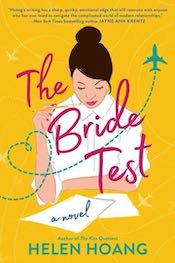
: The Bride Test by Helen Hoang (Penguin Books: contemporary m/f):
In 1811 the Great Comet blazed across the sky, and people considered it a portent. That year’s champagne vintage was particularly splendid, and the wines resulting came to be called comet vintages: the term implies beauty coming from fear and disaster, something rich and special and unique emerging from a time of turmoil and alarm.
It strikes me that the past year’s romances have been very much like this. It is quite likely we’re living through a Golden Age of romance — though Golden Ages have a way of being identified in hindsight, usually. But after the 2016-2017 years, where it seemed every writer I knew had staggered beneath the neverending blows of events, there has been a sudden, fierce flowering of truly incredible stories, where the hope of the HEA is not nebulous and dreamy, but vital and pulsing and urgent.
Better writers than I have discussed the difference between an ex-pat and an immigrant. We’ve see a lot of ex-pats in romance — Greek tycoons and social-climbing Americans hunting for titled spouses, all those fictional royals — but suddenly major entries in the genre are putting immigrants at center stage. Rebekah Weatherspoon’s Xeni, for example, had a working-class Scotsman living in California, worried about paying off student loans. And the latest from Helen Hoang, whose The Kiss Quotient was one of the runaway illustrated-cover hits of the past few years, gives us Mỹ, a Vietnamese woman working as a hotel maid, who agrees to an arranged marriage because it will get her to America to build a better life for herself and her daughter. Her fiancé is Khải, a man whose good looks and financial success hides the deep-seated struggles he faces with as a man on the autism spectrum. They both have old wounds, as romance protagonists do, and things go very, very wrong before they ultimately go right.
This is not a story abut the superiority of the American system. This is a story about American families, new and old, helping one another despite the American system. It is beautiful and absolutely wrenching at times; it is also funny and warm and has some of the best sexual tension you’ll see. Kick-me-in-the-stomach kind of yearning. If you only read one romance this year — though I certainly recommend reading more — this would be an excellent choice.
“Ah, so Mỹ approves. I told you he was handsome,” Cô Nga said with a knowing smile.
Mỹ blinked like she was coming out of a trance and handed the picture back to the lady. “Yes, he is.” He’d make a lucky girl even luckier someday, and they’d live a long, lucky life together. She hoped they experienced food poisoning at least once. Nothing life-threatening, of course. Just inconvenient—make that very inconvenient. And mildly painful. Embarrassing, too.
Thursday Comics Hangover: Internal affairs
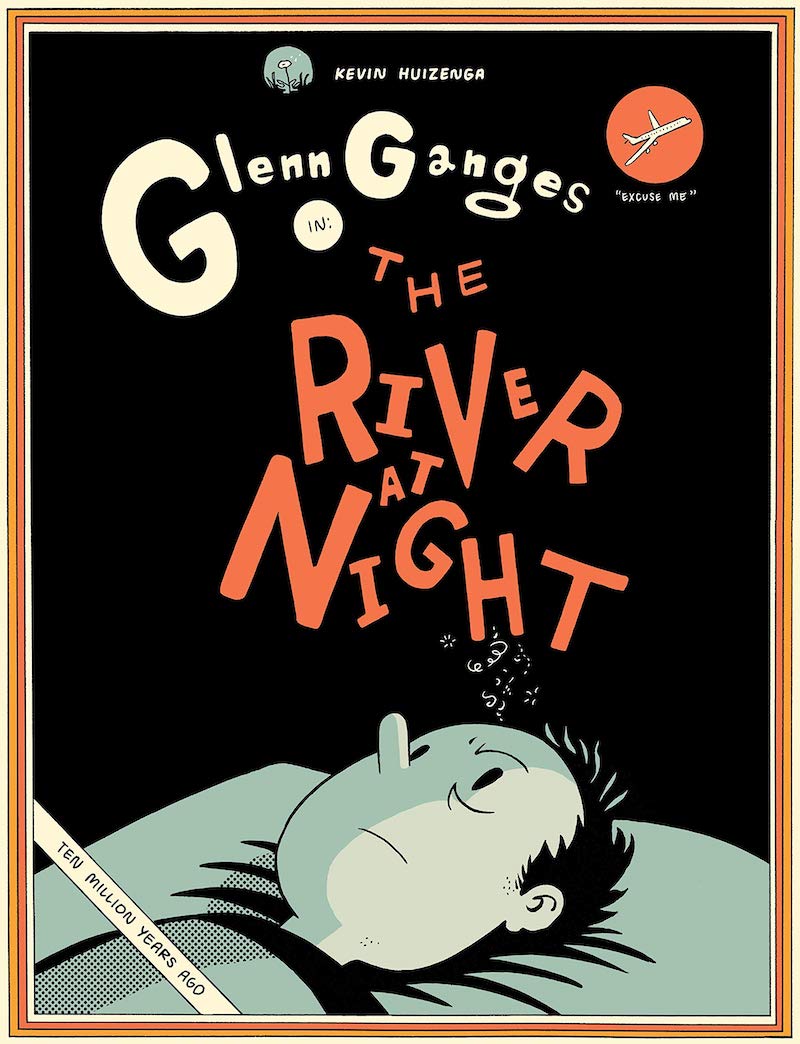
Before I read Kevin Huizenga's comics, I thought that the fiction of interiority was best left for literary fiction. I'd never seen a comic that could convincingly get me inside a character's head the way a good literary monologue could. When you're looking at a comic, after all, you're almost by definition outside the action, outside the characters. You're on the outside looking in.
But Huizenga's comics collected in The River at Night taught me that comics can just as ably take a reader inside the head of a protagonist and show you what they're thinking. In retrospect, it's obvious. Why would prose be particularly great at simulating thoughts when our thoughts are a blend of words and pictures — the very definition of comics?
The River at Night is a collection of comics about a normal middle-aged married man named Glenn Ganges. One day, Glenn drinks too much coffee too late in the day. As a consequence, he can't sleep. He tosses and turns at night, captivated and kept awake up by his restless mind. He recalls recent events, wonders about mortality and music, and tries to fathom the hugeness of geologic time. He barely moves in the whole book.
On the surface, Huizenga's art looks deceptively simple, like Popeye cartoon. But when Glenn's mind begins to wander, Huizenga's knack for illustrating complicated ideas in as few lines as possible becomes clear. Segments in which Glenn becomes swamped in his thoughts, or wanders around his home trying to force his eyes to become accustomed to the darkness, are illustrated in a minimalist style that lands with maximalist effect. Nothing happens in this book, but that's everything.
Book recommendations from prominent Seattleites
It's probably not too much of a stretch to guess that Seattle Review of Books readers are more likely than the rest of the population to receive gift certificates to independent bookstores for the holiday seasons. So say you've got all that money to burn at your neighborhood bookstore and you're trying to figure out what to bring home with you. How can you possibly choose?
Good news: all this month, we asked Seattleites who made a splash this year to share their gift recommendations with our readers. Specifically, we gave them the impossible task of choosing one book to give to everyone in Seattle as a holiday gift. It's such a great little list: books from big publishers and small publishers, bestsellers and indie titles, local and national subject matter. We wanted to put them all in one place to help you find a book that's just right for you. Print this one out and bring it with you next time you go shopping:
Emily Nokes, lead singer of Tacocat and Bust Magazine music editor:
I would give everyone in Seattle Trick Mirror: Reflections on Self Delusion by Jia Tolentino. I loved it so much it's practically a prerequisite for having a conversation with me right now haha. I haven't read anyone who can so intelligently untangle and articulate the feelings of NOW—the performative bleakness of social media, how mainstream "feminism" has been commodified and co-opted into a nothing concept, the ultimate scam of late capitalism, and other ways in which existing in the 21st century feels like a stupid trap. Her essays aren't preachy or prescriptive, just incredibly observant, funny, and well structured.
Amada Cruz, the new Illsley Ball Nordstrom Director and CEO at Seattle Art Museum:
The book that I think everyone in Seattle — or really, America — should read is These Truths: A History of the United States by historian Jill Lepore, a rollicking history of this country, with all of its contradictions. It’s full of surprising information, such as the history of political polling, which of course has crucial ramifications for our current moment.
But for a holiday gift, I’d choose The Dutch House by the always-incredible Ann Patchett. I mean, who doesn’t love an epic family drama for the holidays?
Kate Berwanger, indie publishing impresario
Love Me Back by Merritt Tierce. I was shopping at Elliott Bay for a book that should have lived on the shelf next to this one. It wasn't there, but Tierce fell into my hands. And I won't spoil a perfectly good gift by explaining why I'm giving it to you.
Andrew Engelson, publisher of Cascadia Magazine:
I'd give everyone Tracing the Desire Line by Melissa Matthewson (Split Lip Press). It's an absolutely gorgeous series of linked essays about giving in to the urge to stray in a long-term monogamous relationship. Matthewson lives on a farm on southern Oregon, and in addition to a sharp and honest dissection of her changing marriage, she weaves in observations of the flora and fauna bursting with life around her, glimpses of the small beauties that come with raising children. It's book very rooted in the Pacific Northwest both in its subject and sensibility, the sort of writing I've tried to publish at Cascadia.
Susanna Ryan, author of Seattle Walk Report:
Recommending a history book as a holiday gift for every single person in Seattle feels a bit like handing out toothbrushes on Halloween, but I think all Seattleites have something to gain from reading Seattle at 150: Stories of the City through 150 Objects, an approachable, well-curated book that uses documents, photos, and ephemera from the Seattle Municipal Archives to shine a light on decisions that have shaped the city since its incorporation in 1869. Pairing interesting finds from the Archives with short, thoughtful paragraphs about their significance, this book manages to be both an engaging entry point for folks new to exploring Seattle's history and a delightful read for even the most devoted local history nerds. If we want a vibrant "Seattle at 300" in 2169, I believe that having a citizenry with an understanding of where we've been is essential. Give the gift of perspective with this satisfying book!
Thinking through the clutter
Published December 31, 2019, at 12:00pm
Lucy Ellmann's imposing Ducks, Newburyport, shortlisted for this year's Booker Prize, succeeds in putting the inner life on the page like never before.
Reading On Your Feet: Walking Beacon Hill with Jia Tolentino and Lindy West
Thanks to independent audio book service Libro.fm and the huge catalog of audio books available for loan through the Seattle Public Library, audio books are more accessible than ever before. We like to take books out on the town with us, listening to them as we take in Seattle from a pedestrian's-eye perspective. Reading on Your Feet is an occasional column about what happens when we take books for a walk around the region.
What are the books?
Trick Mirror by Jia Tolentino and The Witches Are Coming by Lindy West. (Full disclosure: Lindy West is a friend of mind and a former coworker and I can't give her an impartial review; luckily, this isn't a review, just an account of listening to her book.)
Where did you walk?
Beacon Hill.
Who reads the books? How's the audio presentation?
Both these books are read by the authors, and they're both pretty great. Tolentino is a clear and straightforward reader of her own work, but I really enjoyed how she couldn't at times contain the emotions behind what she was reading. When she talked, for instance, about internet trolls, the disdain in her voice added an additional weight to the book. Same with Lindy West: when I worked with her at *The Stranger, Lindy would often begin her stories as conversation or rants, thinking her way through aloud before she ever wrote down a single word. That makes audio books a very straightforward medium for her.
What did you think of the books?
I listened to these books one after the other this fall, and while they don't have a lot in common — Tolentino isn't as funny a writer as Lindy; Lindy doesn't have that precise, New Yorker-y air that Tolentino brings to her work — they do both write long chapters early in their respective books on internet trolls. Specifically, they talk about how aggressive men trolling women on the internet in the early part of this century eventually turned into the despicable alt-right hordes who are now making the world terrible for everyone. These two chapters of these two different books feel almost in conversation with each other, and listening to them reminded me that I was one of the naysayers at the time, arguing that internet trolls should be ignored and not regulated or cut out of the equation entirely. I was wrong, and now the world is poorer because none of us listened to Tolentino and Lindy. Both these books are smart and funny and heartbreaking and fantastic.
How was the walk?
Almost every weekday, I walk by the Veteran's Hospital on Beacon Hill on my way to work. Over the last year, a tent village had built up near the hospital. Many of the residents of the village were veterans who were receiving care at the hospital, and they simply didn't have any place to go. One fall day, though, as I was listening to The Witches Are Coming, I realized: the tents were gone.

The village had been swept by order of Mayor Durkan. Now, whenever I walk past this empty stretch of land, I think about the veterans who used to live in the tents (one tent had a hand-lettered sign on it that read "YES, FEED THE ANIMAL — ME!") Where are they now? Are they close to the hospital, still? Do they still get the care that they need? Are they someplace where they can feel secure? When will we ever fix this terrible housing crisis that we've created? How long did it take me to realize that the tents these people called home had been gone?
Mi Vida Loca
he shows her
his new tattoos: three dots
under his left eyeand in the crease
of his elbow, silky skin
pierced, filled,and on his inner wrist:
a scar like a mouth
the blood like spilled ink(the spilt milk —
palm held to the searing
cast iron pangreased with bacon,
eggs with fluttery edges thrown
to the door)three dots like sharp pops
from the intersection
like buttons to pressher fingers to
like tears
like little kisses
Get ready for Bookstore Romance day early this year
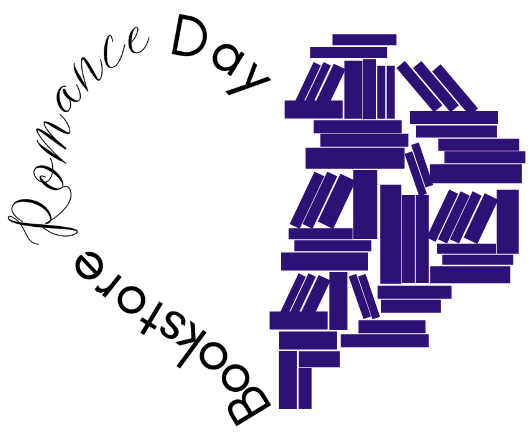
This week’s sponsor is Bookstore Romance Day. Founded last year by Oregon independent bookseller Billie Bloebaum of Third Street Books, this nationwide event is a day designed to give independent bookstores an opportunity to celebrate Romance fiction—its books, readers, and writers—and to strengthen the relationships between bookstores and the Romance community. Seattle-area participating bookstores included Queen Anne Book Company, Third Place Books, and the Neverending Bookshop.
Though the 2020 celebration isn’t until August 15, booksellers and authors around the country are already fundraising and planning to improve upon last year’s success. You can browse the map of participating stores—or sign up, if you’re a bookseller!—browse merchandise in the shop, or contribute directly at the link. The whole effort is volunteer-coordinated, so anything you can do to help will be most welcome.
And if August feels impossibly distant, there are the quarterly book club discussions to hold you over until summer. February’s picks are When Dimple Met Rishi by Sandhya Menon and Maria Vale’s The Last Wolf.
Your Week in Readings: The best literary events from December 30th - January 5th
Monday, December 30th: Factfulness Book Club Discussion
Hans Rosling is founderof Swedens Doctors without Borders, and the gigantic UW building in the University District is named after him. This is a discussion of his book, which sees a hopeful future for humanity so long as we stay focused on facts and logic and honesty. University Book Store, 4326 University Way N.E., 634-3400, http://www2.bookstore.washington.edu/, 7 pm, free.
Thursday, January 2nd: First Thursday Open Mic Night
Join the Pike Place Market's collective bookstore for what I believe is the first open mic of the year. Left Bank Books Collective, 92 Pike St, 7:30 pm, free.
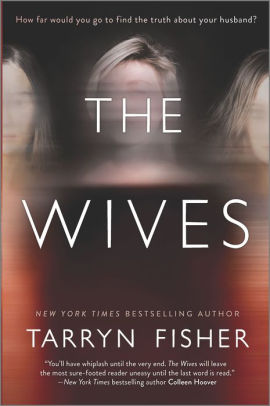
Saturday, January 4th: The Wives Reading
Tarryn Fisher is a bestselling novelist whose new novel, The Wives, is about a woman whose husband has two other wives. The wives have never met, until the protagonist decides to investigate the other two wives. She finds some uncomfortable truths. Fisher will be in an onstage conversation with Andrea Dunlop. Third Place Books Lake Forest Park, 17171 Bothell Way NE, 366-3333, http://thirdplacebooks.com, 6 pm, free.
Sunday, January 5th: Roger Fernandes
Roger Fernandes "is a story teller, tribal historian, educator and a member of Lower Elwha Band of the S’Klallam Indians from the Port Angeles area of the state of Washington." This afternoon, he'll be doing what he does best. Seattle Public Library, Greenwood Branch, 8016 Greenwood Ave N, http://spl.org, 1:30 pm, free.
The Sunday Post for December 29, 2019
Each week, the Sunday Post highlights just a few things we loved reading and want to share with you. Settle in with a cup of coffee, or tea, if that's your pleasure — we saved you a seat! Read an essay or an article online that you loved? Let us know at submissions@seattlereviewofbooks.com. Need more browse? You can also look through the archives.
The rise of review culture
Because I’m on the receiving line for pitches to this publication, I’m in a constant state of reflection on what “book review” means for the Seattle Review of Books. It’s hard to turn down a pitch, but not nearly as hard as it is to kill a piece once it’s drafted, so getting that initial assessment right is a gift to myself and to the writer.
Others here may disagree (I’ll let you know if there are cries of dissent), but reviews that promise primarily to recommend for or against most often don’t make my cut. I’m interested in what a writer thought or felt about a book, certainly, but I’m more interested in what the book made the writer think or feel about the world, or about books writ large, or about themselves.
Yes, there are many smart, interesting, well-written reviews that assess the quality of a writer or a particular work — on this site and elsewhere. But for me the bar to acceptance is set much higher when the writer offers to assess rather than to explore.
In this essay, Tom Henry articulates some of the “why” behind this semi-conscious prejudice, and how the culture of too-much-choice leads to a culture of reviewing that is (again, arguably) stripped of what makes reviews worth reading. A book review isn’t a buyer’s guide. It’s an act of examination, of revelation, of conversation with a reader — just like the books that are its subject. As Henry puts it, speaking of his genre, not ours, “clothing is sterile without stories, community, and things that excite the heart as much as they do the mind.”
Anyway, here’s Tom Henry.
The thing about review culture is that the promise of finding “the best” is never fulfilled. For one, the best doesn’t exist — particularly in fashion, which is subjective. Second, too many people lean on the idea of buying "the best” to abdicate responsibility in developing a sense of taste. But most importantly, the reason why we never find the best is because that gnawing urge that compels us to find it in the first place is never satisfied.
The secret life of the audiobook star
Tim Dowling takes an insider’s look at what it takes to voice an audiobook: hours of lonely, throat-drying, brain-breaking work that drives many authors to their knees. (Bill Bryson: “I can’t help but feel … that I should be able to pronounce the words in my own book.”) Delightfully geeky on process — e.g., how readers track the voices they’ve chosen for different characters — and art — e.g., the serendipity of discovering Dobbie in a small, insolent boy on an elevator.
I narrated my own audiobook in 2014, an experience that I described at the time as being akin to an exorcism: three long days in a dark room, tripping through the minefield of my own words. All I could think was: if I’d known I was going to have to say this whole book out loud, I would have written a better one. Or maybe I wouldn’t have written one at all.
Diary: Alan Bennett
Absolutely, quintessentially Oxford-educated English: playwright, screenwriter, actor, and by coincidence (see above) reader of audiobooks for Alice’s Adventures in Wonderland and Winnie the Pooh offers up selections from his journals over the course of 2019. Here’s what Bennett was thinking on our independence day. So English. So delightful. Also, what better way to avoid having one’s diaries shredded than to publish them in the LRB? Just saying …
4 July. A letter from the Philip Larkin Society, reminding me that I’m an honorary vice-president, which I was unaware of. I’ve never been an enthusiastic member, partly because Larkin wasn’t particularly keen on my stuff or keen on my being keen on his (which I am); Amis (K.) very much of the same mind. It wasn’t this, though, that put me off. What made me dubious about the society was the degree of enthusiasm felt by the members, with all the poetic locations pinpointed and Larkin clasped ever more tightly to the bosom of Hull (along with his sister and his cousins and his aunts). The risk is admittedly slight, but I am fearful of such detailed posthumous scrutiny. I don’t want to be Hullified, though I hope I wouldn’t do what Larkin did and have my diaries shredded when the breath has scarcely left my body.
The Help Desk: Untruth and consequences
Every Friday, Cienna Madrid offers solutions to life’s most vexing literary problems. Do you need a book recommendation to send your worst cousin on her birthday? Is it okay to read erotica on public transit? Cienna can help. Send your questions to advice@seattlereviewofbooks.com. Cienna had a mishap involving a wreath and a stocking full of waxy chocolate coins, so we're proudly re-presenting this column from three years ago.
Dear Cienna,
What’s the best way to call out a book liar? There’s this awful woman dating a friend of mine, and we’re all at the same parties, and she says “Oh yes, I loved it!” anytime you ask her if she’s read anything.
Have you read 2666? “Oh yes, I loved it!”
Have you read the Knausgaard? “Oh yes, I loved it!”
Have you read the Voynich manuscript? “Oh yes, I loved it!”
Have you read the secret novel tattooed on Nicolas Cage’s inner thigh? “Oh yes, I loved it!”
Ugh! I wish she’d just say “No, tell me about it” or something. So, I decided next time I see her enough of this being nice shit, I’m going to call her out. You’re mean and seem to not mind making people uncomfortable in public. How do I do this?
Pansy, White Center
Dear Pansy,
I think the better questions are, why do you care if someone else lies about reading books that you’ve read? How does it diminish your pleasure in having read them? If she bugs you so much, why not just avoid asking her about books — or rephrase your questions. Ask her “what are you reading right now?” or follow up with, “what did you love best about Nicolas Cage’s thigh oeuvre?”
I suspect you crave being right for its own sake, and all the better if you have an audience to witness your absolute rightness and her abject wrongness.
I can relate. This week I got into an argument with a coworker about which state has more trees in it – Idaho or Washington. The coworker said Washington, because Idaho is “mostly desert” according to her, and I said, “actually, Idaho is about 12,000 square miles larger and only the southern part of the state is high desert, much like the eastern half of Washington.” I do not like this coworker; she suspects rainbows are chemtrails that turn people gay and once accused the sun of being Mexican for giving her a tan. So when all of our coworkers and the internet agreed that she was probably right – Washington is called the Evergreen State, after all – my first thought was, “I’ll just start a few forest fires and we can resume this discussion next week.”
But being right doesn’t make you a hero and it doesn’t mean you win. Often, people just think you’re an asshole for proving how right you can be at the expense of a national forest or two.
I’d advise you not to confront this woman. However,if you absolutely cannot leave it alone because, like me, you are deeply flawed, here is what you do: the next time you’re at a crowded party and she professes love for a book you suspect she hasn’t read, point directly at her face and start screaming, “LIAR LIAR PANTS ON FIRE! LIAR LIAR, PANTS ON FIRE!” If you have a lighter handy and she is willing to stand still, attempt to light her pants on fire until someone physically restrains you. That’ll ensure she never wants to talk books with you again. Meanwhile, everyone else at the party will decide you’re a complete freak instead of a run-of-the-mill asshole, and forgive you more readily for your outburst.
Kisses,
Cienna
Thursday Comics Hangover: Memories are made of this
This April, Seattle cartoonist Laura Knetzger published a sci-fi comic called Before & After that consists of nothing more than two people sitting in an apartment, talking. There are no robots or flying cars, but the subject of that book-length conversation is out on the cutting edge of modern science's understanding of intergenerational trauma.
Before & After is a quiet minicomic, but a consequential one. Like the classic sci-fi of the 50s and 60s, Before & After looks at a single technology — in this case, cloning — and imagines the complicated moral situations that could arise by implementing the tech in the real world.
It would be easy to wander into cliches, but that doesn't happen here. Knetzger toys with the tropes of a mad scientist meeting her creation and expositing on her own genius and gently pokes fun at the drama of the situation.
The black-and-white artwork, which features a gray wash throughout that evokes the ambiguity of the scenario, is actorly and appealing. These characters have interior lives and awareness of the unique qualities of their situation. Knetzger briefly illustrates their metaphors with abstract illustrations which help clarify the complexities of the discussion.
Ultimately, Before & After wrestles with the fairly new concept that, as one of the character puts it, "When you make a long-term memory, it has a physical presence in your brain." Memories and thoughts aren't some ephemeral specter. They have weight and consequence in the physical worlds of our bodies. They can't be ignored, or dissolved, or wiped clean. Memory doesn't just persist — it changes us. The madeleine bites back.
The ghost of Nicholas Pass
The pass was closed: to begin with. There was no doubt about that. The ceaseless rain in the city — just a thirty-minute slide down a serpentine river of a highway — was white-out snow in the midnight mountains. Police trucks crossed the road. Their searing lights, blue and red, painting a disco’s worth of pulse on the powdered trees off the shoulder. Officers in puffy ski parkas, holding orange-coned traffic flashlights, turned cars down the turnabout, onto to the westbound lanes, away from the pass.
Ramon watched a Prius go that way, sliding and spinning its wheels before finding traction and trudging off. Then, more successfully, a Tesla Model 3. What fool tries to best the pass at any time the winter in these kinds of cars? He bought the Jeep so that there was never a question of getting over — he made this trip at least once a month, and never saw it closed like this. Especially on Christmas Eve when so many wanted over the hump.
He pulled up near one of the officers, turned off the music, and rolled down the passenger window — Stella’s collar jangled as she shook off sleep and hopped from the back into the passenger seat, her black-lab tail whipping bruises into Ramon’s arm. She sniffed the piercing alpine air.
“She’s friendly,” Ramon cried out to an officer, approaching with a bit of hesitation. A hand got pulled out of an oversized glove, and yanked down a balaclava to reveal a smile. The officer pressed her hand across the threshold of the window, and Stella gave it a cursory sniff, before leaning up to lick the officer’s face.
“Harsh night to pull this duty,” Ramon said. “Hope you’re getting holiday pay.”
“What a sweet girl,” said the officer, scratching Stella around the collar, and, Ramon noted, leaning in a bit to look around the front seats of the car.
“We really need to get over,” said Ramon.
“Funny, I keep hearing that,” said the officer. “But that isn’t going to happen.”
“I’ve seen it worse than this,” said Ramon. “I’ve got chains.”
“Five wrecks tonight, already. It’s like a Zamboni came through before the snow hit. It’s a solid sheet on the road up above.”
“Damn,” said Ramon.
“Best to turn around.”
“That is not really a viable option for me,” Ramon said.
“Well, like they say at the lodge, you don’t have to go home, but you can’t stay here.” She gave Stella an appropriately rough scratch on the head.
The police trucks had enough clearance between them that he could drive through. They probably wouldn’t give chase, they had to stay behind and make sure no one else was idiotic enough to try it. But, they would phone his plates ahead — there’d be someone waiting for him on the drive down.
“All right. Thanks, officer,” he said.
She made a kissy face at Stella, then pulled the mask back up before turning away. Ramon rolled up the window and, waving, went the way the police directed.
Stella, sensing the moment of excitement was over, looked to Ramon. He motioned with his head to the back, and she lazed over, into the soft bed he liked to put out for her when they drove.
He pulled onto the access road about a half-mile down from the turnabout. He could take it around Chorus Hill to where it intercepted Nicholas Pass, the one the higher capacity freeway replaced so many years back.
Sometimes, Ramon liked to drive that way on nice Summer days when he had a bit extra time to kill. It was gorgeous — a classic two-lane highway that switchbacked its way up and down, hugging sheer cliffs that rock-falled their way into evergreen valleys. Made him feel like Cary Grant driving through a Hitchcock film in a white convertible.
Almost nobody drove Nicholas Pass in the winter, so the police won’t be blocking it. In any car other than the Jeep, he wouldn’t think of it. But, going slow, he could make it. Might add two or three hours onto the drive at the pace he imagined, but he’d make it, all the same.
The snowfall was steady enough that the high beams did more damage than good, but the foglight helped, and the road here was lined with tall trees, so it was easy to keep to the gully.
He had the music low, but then switched it off to better concentrate on the road. A few times, he felt a bit of drift or slip, but it was nothing the chains couldn’t handle.
It was almost peaceful, no other lights, no other people, no other cars, just him, a little pregnant Mary on the way to find an inn. He started singing Christmas carols to Stella, and she howled once-or-twice to join him.
They passed through Luckton, which was literally a gas station and the Luckton Diner, established 1943. The diner had holiday lights strung around the outside, but was otherwise dark and obviously closed, as was the gas station.
Around a few bends, the road went more-or-less straight for a ten miles or so, at the end of the stretch it joined the Nicholas Pass highway for the start of the climb. Taking advantage of the lack of curves, Ramon put the pedal down and gained good speed.
The snow let up, and he flicked on the brights, the high beams showing a corridor of trees, standing tall around him, laden with white powder, slumping under the weight of their burden.
A ways past Luckton, in a slight downward grade, he saw the figure in the road. At first, he thought it was some trick of the light, and then perhaps a snowman or some kid’s prank. He slowed the Jeep, controlling his skid, and avoided the figure. He passed it, sliding, shuddering as the car worked to stop, and saw it was a man. A flash of eyes, gray hair, lines on his face, mustache. Old. Steady as hell, he didn’t even flinch. The Jeep shuddered and halted about ten yards past the figure.
“Stay,” he said to Stella, and he opened the door and stepped out into a foot or more of snow on the road. The cold overwhelmed his senses immediately.
“Hey!” he yelled at the man, who was turned towards him.
“Hi,” the man said. Ramon couldn’t make him out in the dark, but he could see the man’s breath rising above him like he were smoking. There was no other sound but the engine, and the voices.
“I almost hit you,” said Ramon. There was nothing, here. No driveway, no lights in the trees. He wasn’t by some estate, or home. Where the hell had the man come from?
“I see that.”
“You drunk or something?” The cold was biting Ramon’s hands.
“No,” said the man.
“What the hell are you even doing?”
“Well,” said that man. “That’s a fair question.”
“Jesus, it’s cold. Come get in the car and let’s talk there.”
Ramon climbed back in. Stella was on her feet, watching. The old man crossed behind the car, Ramon could see the red brake lights splashing up his torso. The passenger door opened, and the man started to get in.
Stella growled, low and light. The man stopped, half-in, half-out, and looked back at her. He was even older than Ramon thought, Eighty, maybe? Gaunt, long face. Looked like he came from the desert, maybe a cowboy or something.
“Easy,” said Ramon to Stella, and she licked her chops and whined, but did as she was told.
The man sat all the way in the chair and closed the door.
“It’s warm in here,” the man said.
“You were standing in the middle of a pitch-black road on a snowy Christmas Eve.”
“I was,” said the man. “You caught me.”
“Uh, okay,” said Ramon. Was this man a runaway? A patient somewhere? Was he suffering from some kind of dementia?
“Where’s your home?” Asked Ramon. “Do you need me to take you home?”
“I live in the city,” said the man. “I haven’t been up here years. Many, many years.”
“You know where you are?”
“I know exactly where I am.”
“How did you get here?”
“Now, that part’s a little hazier.”
The man seemed confused. “Say, I think I’m gonna double-back to Luckton, and we can call somebody, right? I think that’s the best plan.”
“Fine,” said the man. He had a big wool coat on, smelled like wet sheep. He stripped thick leather gloves off, yellow working gloves, and held his fingers by the heat vents.
Ramon turned the car around. Where the man had been standing, he saw a little flurry of footsteps, but none leading to them or away from them. He pulled out, and saw the Jeep’s tracks, heading to him, his past self going in the opposite way.
“What’s your name?” He asked the man.
“Dallas,” the man said. “Call me Dallas.”
“That where you from, originally?” Asked Ramon.
“Near enough,” said Dallas.
“How long were you waiting in that road for someone to just come along?”
“Long enough,” said Dallas.
“Do a lot of public speaking, do you?” Said Ramon.
“I’m sorry?” Said Dallas.
“Just not the chatty type, is what I’m saying.”
“Ah,” said the man. “No. Nobody’s every accused me of being chatty.”
“How about storytelling? You got a story, like what the hell you were in that road?”
Ramon had asked the question staring out the windshield, but when the man didn’t respond, Ramon glanced over. Dallas was turned, looking full at him. A kind of appraising look.
“You believe in fate?” Dallas asked.
“Not really,” said Ramon.
“You got any food?” asked the man.
“Sure,” said Ramon. “What does that have to do with fate?”
“Nothing, I’m just hungry,” said that man. “I tell stories better with food in my belly.”
“Behind you, in the cooler.”
“Your dog doesn’t like me,” said Dallas.
“Nothing personal,” said Ramon. “She doesn’t like anybody that freaks me out.”
“I just mean I don’t want to reach back and startle her.”
“Sure, fine,” Ramon said. He pulled the Jeep to a stop, and reached back. Stella sniffed his hand, and nudged him. He opened the cooler, and pulled out a roast beef sandwich he packed up for when he got hungry. He also grabbed his thermos from the well behind the seat. Handed both to Dallas.
“Hot cider in there,” he said.
“Thanks,” said Dallas. He unwrapped the sandwich from the wax bag, and started eating.
Ramon gave the Jeep some gas. The tires spun, but then caught. Watching the road, the snow swirling and soft, the tracks from where he passed before now nearly hidden by new fall. That version of him, hell-bent on getting over the pass, not imagining he would soon be turned around, with a passenger, no less.
Dallas pulled a crust off of one slice of bread, and without glancing back, dangled it between the seats. Ramon saw Stella creep forward, in the rear view, and gingerly take it, retreating to her bed as she gulped it down.
They were quiet, the man eating, until they reached Luckton. Ramon pulled off into the gas station, then checked his phone for service. Nothing. No phone booths anywhere anymore. He put the Jeep in park. Turned off the wipers.
“What am I supposed to do with you?” He said to Dallas.
“Take me to the city, I guess.”
“If you haven’t noticed, I’m going the opposite direction.”
“I’m afraid I don’t think that’s wise,” said Dallas, taking the last bite of sandwich. He took the thermos, and poured steaming cider into the plastic lid. “The way is shut.”
“Okay, Galdalf.”
“You drive that way, you’ll hit either be blocked by a road covered in avalanche remains, or you’ll get hit by one yourself. Or, you’ll drive off the road, maybe get clocked by a falling rock. You could fall asleep at the wheel, or get snow-blind and go straight on a hairpin right off a cliff. There are four dozen way to die on that pass tonight.”
“Nice of you to care, but I know the pass. I’ll be fine.”
“What about your pup?”
“Excuse me?”
“Guy like you, sure it’s okay to take some chances. But you want to gamble with your pup’s life? That the kind of dog parent you are?”
Stella’s snout, as if she knew she were being talked, came up between them. Dallas made a clicking sound with his mouth, and she looked at him, head turned. She sniffed at him, then looked to Ramon, who gave her a pet.
“How about we just find a place to take you, okay?”
“Sure,” said Dallas. “Sure, that’s a good idea. I’d appreciate a ride back to the city.”
“Dallas, I’m not going to the city.”
“You take me to the city, you can be back here in an hour. Drive over the pass, if you feel like you can make it. I won’t be in the road again to stop you, you can be pretty sure about that.”
“No offense, pal, but when when did you become my problem? I got enough of my own problems without being responsible for some old timer who just appears randomly in the middle of some dark road, okay?”
Dallas nodded, listening. “Well, to be fair, I don’t think it was so very random.”
“What, are you the ghost of some guy who died on the pass, and have come back to warn me off or something?”
“Like Corker Prine, you mean?” Said Dallas.
“Is that a name?
“Yeah. He was the son of industry, Prine Lumber?”
“Sure, okay.”
“Corker was just about twenty-two or so, and he wanted to be with his fiancee and her family for Christmas. He was driving this very road, 90 years ago tonight. He was like you, thought he could make it over the pass during a snow storm. They didn’t find him until the Spring thaw, at the bottom of a ravine. Drove right through the guard rail.”
Stella began to sniff in earnest at Dallas’ coat arm, luxuriating in it, taking her time.
“So, Dallas, are you Corker Prine?”
“Oh hell, I’m no ghost. But Corker was the first to die in the snow on Nicholas Pass since the old wagon train days. Some say he haunts it to this day. Depending on your version of the story, he either comes out to warn fellow foolish travelers, or jumps out to scare them so they join him in death. Some say the reason he got knocked off the road was an avalanche caused by some of the patches his Daddy’s company left up the hill when they cleared it of timber. Those folks say Corker got what was due to him.”
Something drew Ramon’s eye. A light on a string at the diner flickered, then popped out. The rest of the strand after it went, too. It sent a shiver down Ramon’s spine.
Ramon put on the wipers, put the Jeep in gear, and started driving out towards Nicholas Pass.
“Sorry, Dallas. I gotta get over the pass tonight. I’ll find someone to take care of you when we get where we’re going. Get you on a plane or bus back to the city.”
“Be much easier if you just took me back to the city.”
“Be a lot easier for me if you weren’t in my car.” Ramon gunned it, and the Jeep drifted before catching. Ramon tried to keep in the path of the first time drove this way tonight, the tracks coming back at him again. Ghosts of two previous Ramon’s driving this godforsaken road.
“Look, kid, I want to be here about as much as you want me here, but for whatever reason, here I am. You want to hear my story? Fine, I’ll tell you. I read Dickens tonight, like I’ve been doing every Christmas Eve since I was a kid. I go to bed. I have a dream some old friend comes and visits me, shows me some crap from my past when I was a nicer man. Then, I get told to wait for the ghost of Christmas Present, and next thing I know I’m standing on a dark road in the middle of the night. I hear an engine, and then see lights cresting the hill, and there you were, right on me.”
Ramon laughed, a kind of bitter sound. “I thought you said it wasn’t a ghost story.”
“Oh no,” said Dallas. “I said I wasn’t a ghost. This is definitely a ghost story.” Dallas patted his knee, and Stella did her best to climb into his lap, putting her torso and front legs onto him.
“How is that?”
“Used to be an old ski resort off Luckton. I worked it in the 50s for years. One Christmas Eve was so rainy we all got sent home. I decided to drive over Nicholas Pass to surprise my Mama.
“I get near the peak, and there, standing in the middle of the road is a man. Just like when you saw me, except he was on the pass, right at that hairpin corner before the peak. I pulled to a stop, nothing else to do, and was about to get out of my car to talk to him like you done to me, when he disappeared. Poof, just gone.
“And a moment later, a shelf of snow fell on the road, right there in front of me. Right where I shoulda been. I would have been buried, or pushed off the road. I saw my death right there. But for that man standing there, I wouldn’t be here talking to you today.”
“And you think that was Corker Prine?” said Ramon.
“Don’t know who else it could’ve been.” said Dallas
“You think he’s a benevolent kind of ghost? Come back to help people from getting killed on the pass?”
Dallas shrugged. “What do I know? I’m just telling you what I saw.”
“So, if you hadn’t gotten in front of my Jeep, I would have made it fine over the hill. Or, old Corker would have appeared to me and kept me safe.”
They were almost to where Ramon had first seen Dallas in the road.
“Do me a favor and stop the car,” Dallas said.
“Why?”
“Just let me out.”
Ramon laughed. “I’m not gonna let you out in the middle of nowhere in a snowstorm.”
“Let me out, I’ll be fine. I just know I’m not supposed to go over that pass. You gonna do it, that’s between you and your pup here. None of my business anymore. I tried to get you to stop and you said no. Fine. I’m not gonna be a party to it anymore. Your funeral.”
“Suits me,” Ramon said. He began to slow down.
“I’m gonna take your thermos with me. You make good cider. It’ll keep me warm.”
“Fine,” said Ramon. The car came to a stop.
Dallas gave Stella few good pets. “You try to convince him, now,” he said.
He opened the door and stepped out. Walked around the back of the Jeep, the brake lights splashing him red, like before, then he walked to about the spot he originally was standing when Ramon found him.
Ramon could see Dallas’ breath, again like smoke, rising from him in great plumes. He was a silhouette against the falling snow.
Stella whined. Ramon motioned with his head, and she got back in her seat, but whined again.
“You know what’ll happen if we don’t make it in time for opening presents,” Ramon said. He turned and looked at her. The Jeep idled. The hot air from the vents shushed. She looked right back at him, impatient, eyebrows pursed. Obviously of a set opinion. She yelped, annoyed.
“Fine,” he said. "Fine. You win. Stay.” Ramon opened the door and stepped out into the cold.
“Hey!” He called out to Dallas. But Dallas was not where he was a moment ago. Ramon ran over, but Dallas’ footsteps lead from the Jeep to a circle of indented snow in the middle of the road, no new tracks leading away from it, just a small circle where he had been standing.
Ramon looked around. “Dallas!” He cried out, but there was nothing. Just snow, falling from above, late on Christmas Eve. Just his own breath, making clouds as he exhaled. “Dallas?”
The engine of the car purred, exhaust bluming from the tailpipe. It cast red behind it from the brake lights, staining the snow. Before the Jeep, the headlights illuminated a long cooridor of tall-standing trees, and a cut valley of road between them, frosted in untouched snow. That way, Nicholas Pass.
But the way was shut. The pass was closed. Nothing could be done about it tonight. There was no doubt about that. It was Christmas Eve in the mountains, and somewhere behind him and somewhere in front of him, there was a line in the sky: above it, powder white. Below it, an earth soaked with hard falling rain.
Year of the pig
Published December 24, 2019, at 12:00pm
In typically "reassuring" style, reviewer-at-large Ivan Schneider brings the holidays home.
The Heart
A door opened into her body,
a cavern, pinpricks like electric wasps.Her fingers dimmed
like fireflies drained of light.So this is someone’s work, she thought,
the dimpled spider and the white heal-all.Her heart waned in the cave.
A fox crept to the mouth, lowered his head.Wind shivered through her gown.
Where is he going? she asked.Where is the spider? At night
flowers closed like ghosts on their stems,moth wings ruined by fingers. Voices floated
from the hall, lungs filled and emptied,alveoli like paintbrush bracts,
like tips of lit torches.
Announcing the Seattle City of Literature Community Catalogue

We love this week's sponsor, Seattle City of Literature, the organization responsible for Seattle's designation as a UNESCO City of Literature.
They've just released a great resource: the Community Catalogue. It's a compendium of the best of Seattle's literary culture: bookstores, libraries, professional organizations, publishers, educational centers, conferences/festivals/fairs, residencies, nonprofits, and many more. Check it out, or read more on our sponsor's page.
And, a side plea from us: consider Seattle City of Literature in your year-end giving. They're a vital resource that is working to make our disparate literary work into the one thing we praise most during the holidays: a community.
Thanks for the sponsorship, Seattle City of Literature! We haven't opened our books for the Winter and Spring yet, but we have a few tantalizing sponsor openings left for the clever and quick to snag before someone else grabs them from under you.
Looking for something to do on a holiday week? Try a book club!
Friday, December 27th: Afternoon Book Group
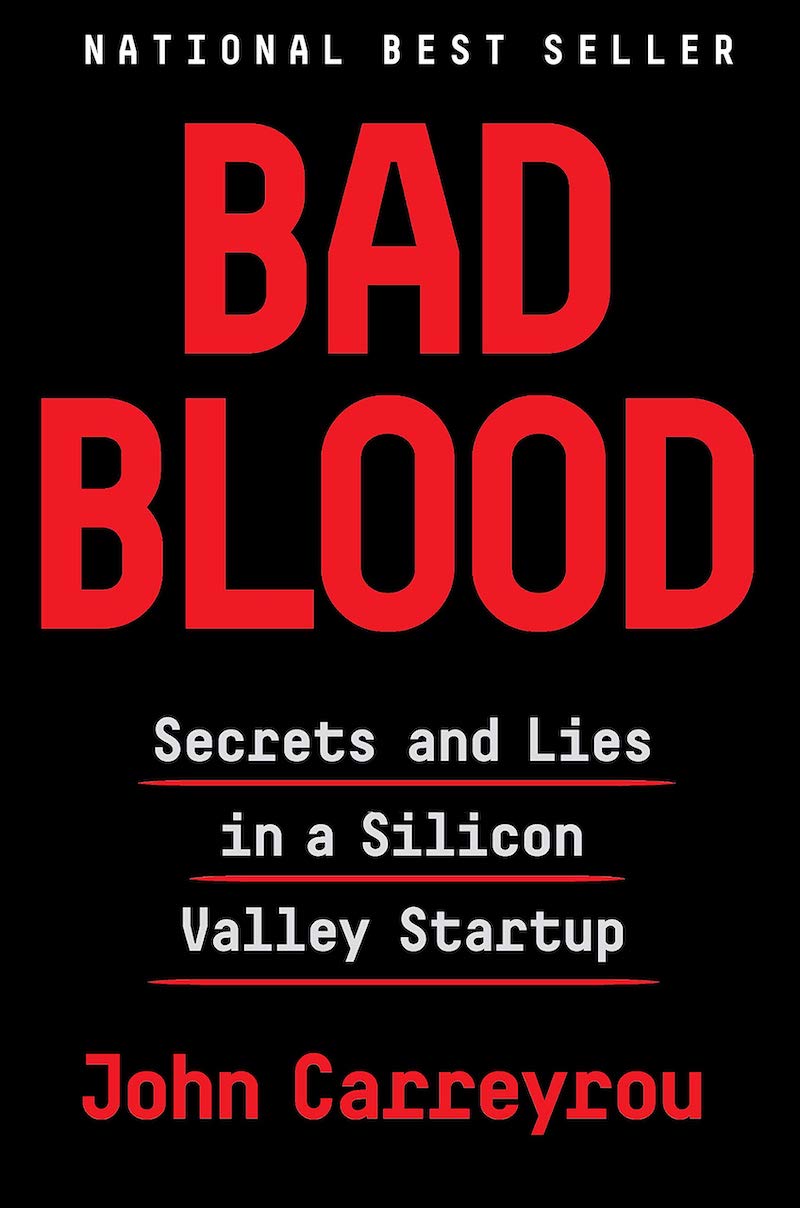
Due to the timing of Christmas and New Year's, this is one of the deadest weeks for literary events over the last few years. If you'd like to get out and immerse yourself into a bookish group, your best bet is to sidle up to a book club. Luckily, there's a great conversation to be had this Friday afternoon at the Greenwood branch of Seattle Public Library. The conversation will revolve around Bad Blood by John Carreyrou, the journalistic account of Elizabeth Holmes and the boondoggle known as Theranos. You can't really find a more appropriate way to close out this year of corruption, outsize profits for a tiny few, and bullshit PR moves than a discussion about one of the largest Silicon Valley scams in history.
Seattle Public Library, Greenwood Branch, 8016 Greenwood Ave N, http://spl.org, 2 pm, free.
The Sunday Post for December 22, 2019
To be frank — and why not? — like the anxiety dreams that persist decades after my last hour in a college classroom, this week, I haven’t done the reading.
I’ve read many things. On the page, on the screen of my new e-reader — a Kobo, because fuck you Jeff Bezos — and while I bought it for its kindness to new areas of darkness in my eyes, it’s now closer and more consistently to hand than even my iPhone.
(Than even my iPhone! Because like all of us, or almost, my very clever phone now fills the interstices of my life, even, to the despair of the SRoB team, to the point of responding to editorial queries while stopped in traffic.)
This is how I read when I was a child. In any moment that the world didn’t absolutely demand my attention, I was in a book. On the schoolbus; under the desk in classrooms; under the blankets at night. Common. But: While walking from one room to another. Between songs in band. Between sentences in conversation.
(Most of my childhood discipline was meant to pull me back to the world beyond the page. So, what the iPhone has done — in my case — is not invade spaces where “real life” used to be, but overturn years of my mother’s careful training, years of learning to bounce the ball back, to pay attention to the people around me, to mirror them and how they move with the world.)
I am home for Christmas, and my grandmother, who is 95, is experiencing a slow loss of mind that’s peeling away the understanding we’ve had of her for decades. In its place, a woman who cared terribly for her family and showed them that by surviving.
Which led to my mother asking her children what it was like to return to a house that you’d grown up in, since she had many, and I and my brothers at most swapped bedrooms for variety.
Which led to asking myself what it is like, since I have never thought of it as returning to a house, but only as returning home.
And answering: a house of stories and the physical memory of the books that held them.
(Something my e-reader, whatever joy it gives me, can never duplicate.)
This is the house where my father read Jack London’s Call of the Wild — a big, red book without a dust jacket, at an age where I was young enough to be read to but already beginning to correct the errors iI saw over his shoulder. It’s the house of memorizing the wolf song from The Jungle Book and playing at a braver kind of loneliness in the woods in the backyard.
This is the house of The Hobbit; you already know which mass market paperback I’m talking about. It’s the house of reading the same mass market editions of The Lord of the Rings long before I could understand more than the terror of the Black Riders and the glory of the elves.
It’s the house of water-crumpled copies of endless Heinlein and Bradbury, of McIntyre and McCaffrey, of Asprin and Anthony and Pratchett, because at a certain age, an endlessly refilled hot tub brought hours of comfort, and no hour could be spent without a book. There must, in retrospect, have been strict rules about library books in the bath. Or maybe I had better sense than I remember having.
It’s the house I came home to in college with immense copies of Hardy’s poems and slender ones of Bishop’s and Bogan’s. The latter, later, were stained with smoke and a memory of fire and panic, but I could never manage to trade them for fresher copies. I read Bishop even now, when it’s that copy, with the silence of my childhood home at midnight dampening the distractions of the world.
It’s the house I came back to in graduate school empty-handed, during a yearlong period when my mind devoured itself so unrelentingly that even reading was overwhelming.
(You may feel the sting of an hour’s separation from your smartphone. But losing the ability to connect with books is a death. A small one, but a real one.)
This morning, it’s the house where I sit in the daybed my mother made for me, which I look forward to finding at the end of every year, and write this before we go to visit my grandmother again. This year will be marked by the crispness of the ARCs I’ve brought, and the gentle resistance of the e-reader’s buttons.
There’s a bookcase across the room that’s waiting for me today as well. Last summer, my mother and I sat in a humid, dark attic, eyeing a dormant wasp’s next just in case, and went through box after box of books from my childhood and my brothers'. Whatever’s in that bookcase is what I chose, on that hard, hot day, to keep.
It’s not a large case, and the shelves are barely full. Of books, anyway. I expect I may find them full of other things.
Whatcha Reading, Arlene Naganawa?
Every week we ask an interesting figure what they're digging into. Have ideas who we should reach out to? Let it fly: info@seattlereviewofbooks.com. Want to read more? Check out the archives.
Arlene Naganawa is a Seattle-based poet and teaching artist, with three published chapbooks, and many poems published in journals. She's a recipient of the Seattle Arts Comission literary artist award, has been featured on Metro Poetry on Buses, works with Seattle Arts & Lectures as a Writer in the Schools, and is the current Seattle Review of Books Poet in Residence. Arlene is currently working on two two projects funded by Artist Trust's Grants for Artist Projects, and a Seattle Arts and Culture CityArtist grant. One is a series of poems exploring the life of her maternal grandparents and their friend who immigrated to Whitefish, Montana, in 1919, to work on the Great Northern Railroad as laborers, servants, ranch hands, and store owners. The second is a collaboration with several local visual artists, exploring the connection between biology and the creation of organic forms in ceramics and textiles.
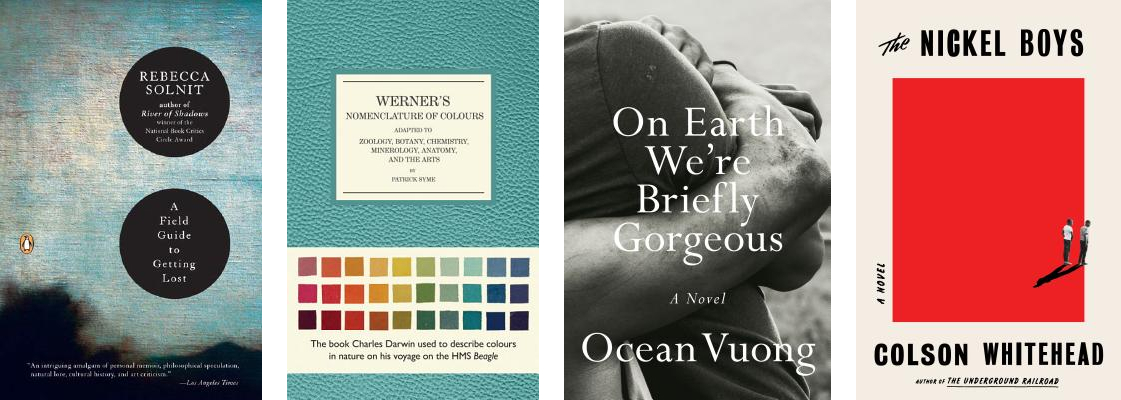
What are you reading now?
Right now I am reading A Field Guide to Getting Lost by Rebecca Solnit and Werner’s Nomenclature of Colours Adapted to Zoology, Botany, Chemistry, Mineraolgy, Anatomy, and the Arts by Patrick Syme.
What did you read last?
I recently finished On Earth We’re Briefly Gorgeous by Ocean Vuong.
What are you reading next?
Next, I’ll be reading The Nickel Boys by Colson Whitehead.
The Help Desk: Does this book stink?
Every Friday, Cienna Madrid offers solutions to life’s most vexing literary problems. Do you need a book recommendation to send your worst cousin on her birthday? Is it okay to read erotica on public transit? Cienna can help. Send your questions to advice@seattlereviewofbooks.com. Cienna is enjoying maybe a little too much nog for the holidays; we're proudly re-presenting this column from three years ago.
Dear Cienna,
Whenever people get angry about e-books, they always talk about how much they love the way books smell. Is this real? The only time I’ve ever smelled a book was when it was sitting in a musty basement for too long.
I’ve always had a decent sense of smell, I thought. I can tell when I forgot to put on deodorant in the morning, and I love new car smell. But of all the pleasures that books bring me, smell is not one of them.
Do books have a smell? What do they smell like?
Brian, Shoreline
Dear Brian,
What have you been doing with your life that you’ve only ever sniffed one book? I bet you’ve sniffed a handful of horrible things repeatedly in your life but you can’t be bothered to pick up a book, close your eyes, and inhale until you run out of lung? I have three books sitting on my desk right now and each smells different: Shawn Vestal’s Daredevils smells crisp, like socks fresh from the dryer; Sally Ride: America’s First Woman in Space smells sour because I spilled old coffee on it; my 20-year-old copy of Flannery O’Connor’s The Complete Stories smells like spiders in top hats because it is the book I return to the most often and thus have charged my most trusted spiders to watch over it like those somber circus-themed sentinels that guard the Vatican.
There have been scientific research papers written on how the smell of books change as they age. There are posters devoted to the aroma chemistry of them. Our memory is closely tied to our sense of smell, which is why book lovers cherish the scents that emanate from their favorite works, and which is probably why whenever I smell a spider in a top hat, I now have the urge to hug a wooden-legged woman.
If you’re interested in seeing how books smell (har har), ask a handful of friends to bring over a favorite book and a bottle of wine. Cover the labels and blindfold yourself, and your friends can blindly drink and watch in amusement as you sniff out the unique notes of their favorite works.
Kisses,
Cienna
Portrait Gallery: Happy Holidays!
Each week, Christine Larsen creates a new portrait of an author for us. Have any favorites you’d love to see immortalized? Let us know, or see if you can find them in the archives.
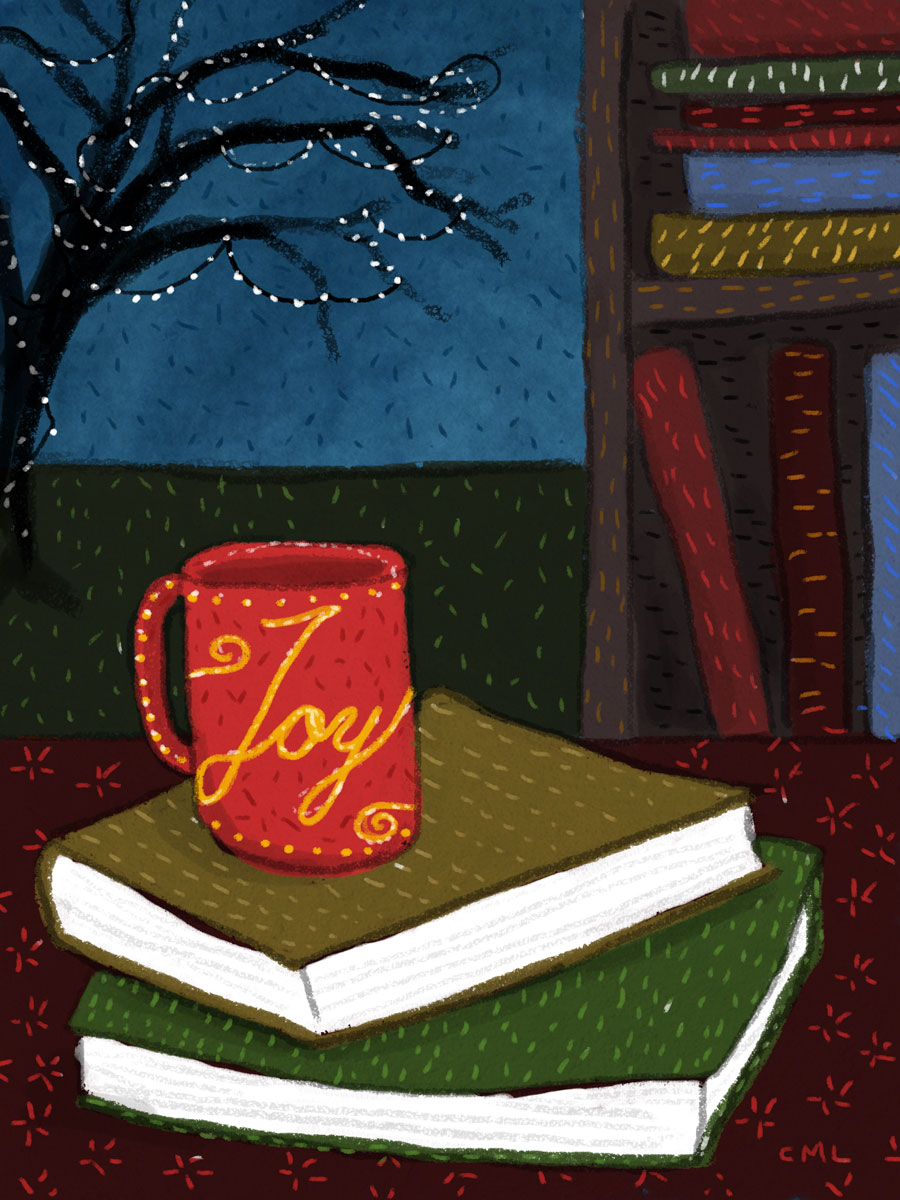
Criminal Fiction: Blood on the snow
Every month, Daneet Steffens uncovers the latest goings on in mystery, suspense, and crime fiction. See previous columns on the Criminal Fiction archive page
Reading around: new titles on the crime fiction scene
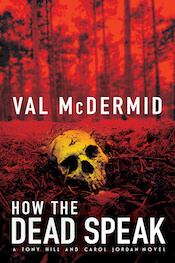
Things are mightily askew for Carol Jordan and Tony Hill in Val McDermid’s How the Dead Speak (Atlantic). The dynamic duo has been physically torn asunder following the events of 2017’s Insidious Intent: Tony is in prison, and Carol is grappling with the crippling effects of PTSD. Then, Tony’s horrific mother comes calling, corralling Carol into finding a scam artist. Meanwhile, Carol’s Regional Major Incident Team (ReMIT) teammates – including the canny DI Paula McIntyre and the supremely internet-adept Stacey Chen – are on the case when a mass grave is discovered on the grounds of a former convent. McDermid’s witty and assured authorial hand juggles multiple strands of mystery and murder to create a narrative that’s an absolute pleasure to read, chock-full of criminal conundrums as well as compelling characters, both major and minor.
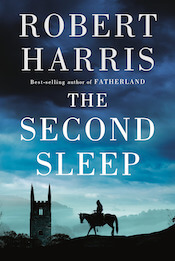
Early in Robert Harris’ The Second Sleep (Knopf) – in the first sentence, in fact – he presents a barely-there clue that transforms what appears to be historical fiction into speculative fiction. Be warned: Harris’ evocative depiction of humanity’s future is not pretty. His post-apocalyptic world has returned England to one of its darkest ages, a pre-industrial landscape of serfdom, rampant consumption – of the tuberculosis kind – and public hangings. Church and State are one, faith has replaced reason, any pursuit of historical knowledge is outlawed, the Inquisition is alive and well, and the common law reads, “Life for life, eye for eye, tooth for tooth, hand for hand, foot for foot, burning for burning, wound for wound….” Into this claustrophobic setting rides Christopher Fairfax, a priest, who discovers a treasure-trove of allegedly heretical books and objects, and soon has a suspicious death as well as a crisis of faith on his hands. Harris’ post-disaster world is skillfully and carefully wrought, lending a particularly chilling aspect to his all-too-plausible vision.
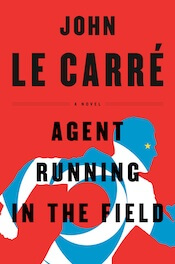
In Agent Running in the Field by John le Carré (Viking), Nat, a newly retired British spy and agent runner who has recently returned to England, is brought back into the intelligence fold to whip a languishing London field office into shape. Meanwhile, an encounter at his sports club leads to a chummy, chatty badminton-centered relationship with a young man named Ed, who throws his disgust with both Brexit and Trump into sharp relief during post-game rants. This being a Le Carré novel, of course, there are no spoilers in noting that political machinations, intelligence-directed manipulations, and deceptive actions are the order of the day, as a slate of spooks confer and, inevitably, eye each other up as possible moles. Agent marks another thoroughly engaging and satisfying spy novel from one of the genre’s masters; it is also an energizing and entertaining cri de coeur from a social hero: in October, Le Carré spent his 88th birthday marching for a People’s Vote on a second Brexit referendum.
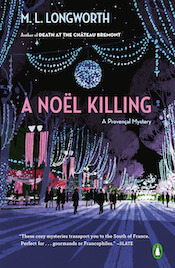
It doesn’t get much cosier than Christmas in Provence, complete with cassoulets, tasty olives, and a Christmas market with food from Aix-en-Provence’s Sister Cities, including Philly cheesesteaks, English pastries, and German beer. But in M.L. Longworth’s A Noël Killing (Penguin), all is not right in Aix. Judge Antoine Verlaque is feeling inordinately grumpy, and his wife, Marine Bonnet, has a secret playing on her mind. Then, a baffling death occurs during a Christmas carol sing-along at the cathedral, and everything goes just a bit more haywire. Corsican gangsters, a bilingual private school, mysterious business practices, and plenty of husband-and-wife intrigue among various local couples drive the plot, while Longworth happily peppers her seasonal tale with lovely and cheeky references to films such as Manon des Sources and The Cook, The Thief, His Wife, and Her Lover, Kate Bush songs, and the swoon-inducing Bradley Cooper.
The Quintessential Interview: Elly Griffiths
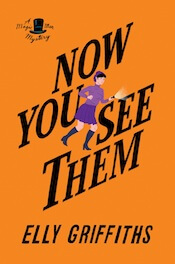
Now You See Them (Houghton Mifflin Harcourt), the latest Edgar Stephens-Max Mephisto mystery, is set against a deeply 60s English backdrop – the Beatles, the new-to-TV Top of the Pops, Bobby Soxers, Mods and Rockers, early days of pro-animal activists, new towns, and the social-class divide. Newly reunited, Stephens and Mephisto join forces once again as detecting partners-in-crime when several young women go missing. But, refreshingly, the dudes have others to reckon with in the form of Emma Holmes-turned-Stephens, now a mother of three and married to Edgar; 19-year-old policewoman Meg Connolly; and newspaper reporter Sam Collins. Women’s changing roles at home and at work, father-daughter relationships, and dark obsessions all play their part in this cunning, atmospheric mystery set in and around Griffiths’ hometown of Brighton.
What or who are your top five writing inspirations?
- My mum. She read to me and my sisters until we were in our teens. I still hear certain books in her voice.
- Wilkie Collins. When I first read the description of the shivering sands in The Moonstone, I realised that this was the sort of crime novel I wanted to write, where the landscape itself is doom-laden and sinister.
- Agatha Christie. No-one plots better but I think her descriptions are underrated. She does good spooky houses.
- Readers. The book community is a wonderful place and, some days, it’s my readers that keep me going.
- My cat, Gus. He always sits with me when I write. Often, I know, without looking round, that he’s staring at me.
Top five places to write?
My garden office. Ok, it’s a shed really but it is surrounded by apple trees and has a sea view. And that’s it. I don’t write when I’m away from home and could never work in a café or on a train. I used to write in an ‘office’ that doubled as a music practice room, work room, and teenage chill-out area. The shed feels like bliss.
Top five favorite authors?
Wilkie Collins. Jane Austen. Alison Lurie. Anne Tyler. P.G. Wodehouse
Top five tunes to write to?
I never listen to music when I’m writing. I like complete silence. When I’m not working, I’m a big fan of Bruce Springsteen and Italian opera.
Top five hometown spots?
- Brighton Pier. There used to be two piers and, in the Brighton Mysteries, it’s great to bring the beautiful West Pier back to life.
- The Undercliff Walk between Saltdean and Brighton. It’s the scene of a murder in Now You See Them but this is actually a beautiful walk, cliffs on one side, sea on the other. I’m there most days, gazing out to sea or having coffee in the Whitecliffs Café. In the summer, I swim in the sea every day.
- North Laine. Not as smart as the famous Brighton Lanes but full of fascinating second-hand shops.
- The Fortune of War. It’s a pub on the edge of the beach that looks like an upside-down boat. When I was a teenager, it was considered a daring place to go and, even though the surrounding area has been smartened up, the Fortune still has a slightly rackety feel to it.
- Rottingdean. A beautiful village, just outside Brighton, famous for smuggling and for once being the home of Rudyard Kipling. In the wall around the Kipling Gardens, there’s a stone Saxon head that allegedly brings good luck if you touch its nose and turn round three times….
Thursday Comics Hangover: Between poetry and comics, between animal and human
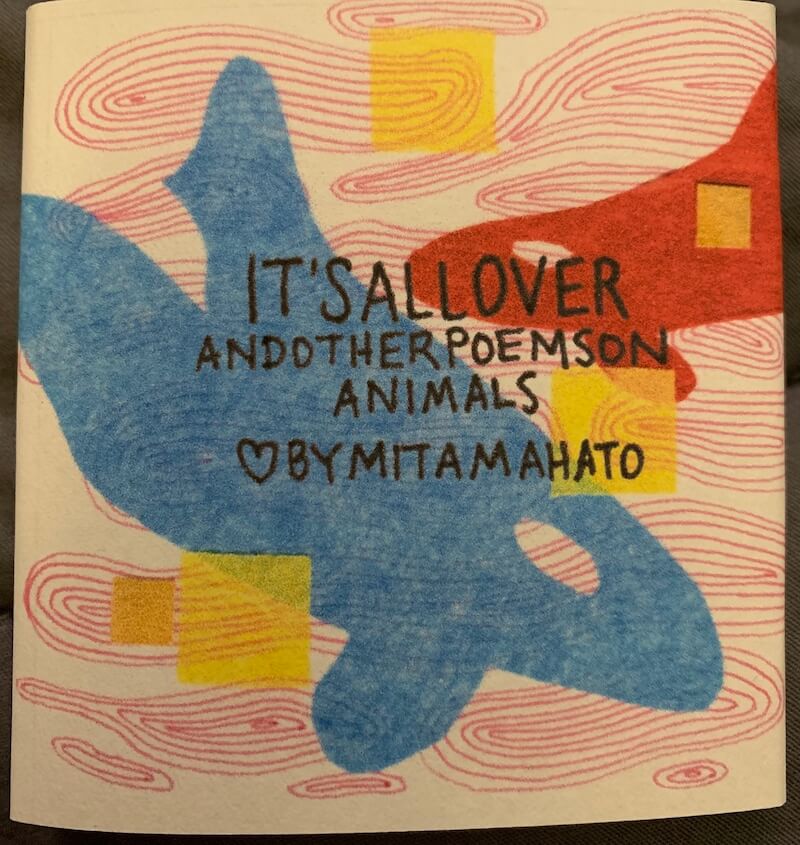
Seattle cartoonist Mita Mahato has always worked in the world between comics and poetry. Her debut collection of paper cut comics, In Between, came out from Plieades Press, one of the more exciting independent poetry publishers.
It's hard to describe, exactly, what defines this conjunction between poetry and comics. They're not just comics with poems published on top of them, or in caption boxes. It's easier to describe them by what they're not: They're less concerned with plot and more concerned with tone and phrasing and perspective.
And they're also deeply interested in the non-human experience. She's written two graceful, beautiful love poems about and for marine life — one full of wonder, one elegiac — that indicate her sympathies may not fall strictly on the human side of the environmental equation. These poetry comics are perfect for that kind of exploration: they're not as word-based as traditional poetry, and so they appeal to our other forms of communication. They put us in a more primal state of mind.
Mahato's latest collection, It's All Over And Other Poems on Animals debuted at Short Run this year. It's perhaps her most traditionally poetic work, and it's also a deeper exploration of her environmental themes. Over is a collection of three short tone poems collected in one tiny package. The poems consist of pages full of repeated phrases with colorful silhouettes of animals behind them.
So, in front of a dolphin silhouette tinged in red, with pink waves emanating from it: "THELASTTIMEISAWYOUTHELASTTIMEISAWYOUTHELASTTIMEISAWYOU"
And over an orca:
"IT'SALLOVERIT'SALLOVERIT'SALLOVER"
In Mahato's neat-but-somewhat-frantic lettering, these repeating words feel like a cross between a mantra and a cry for help. They're a religious experience and a single circling thought and a single-minded, animalistic desire to exist. It's hard to say if Mahato is speaking for the animals, or if she's trying to think like them, to become their translator.
Over is a more experimental work for Mahato. It's as gorgeous an object as any comic she's made, but it's also less accessible than some of her other work. That's just fine, of course; not every poem is intended for mass market appreciation. And the thematic work she's doing in this short conceptual work will likely pay off in huge ways in the future. Her aspirations for the form are more ambitious than perhaps any other comics artist — and poet — in Seattle.
Holiday Recommends: Here is the book that Emily Nokes would give all of Seattle
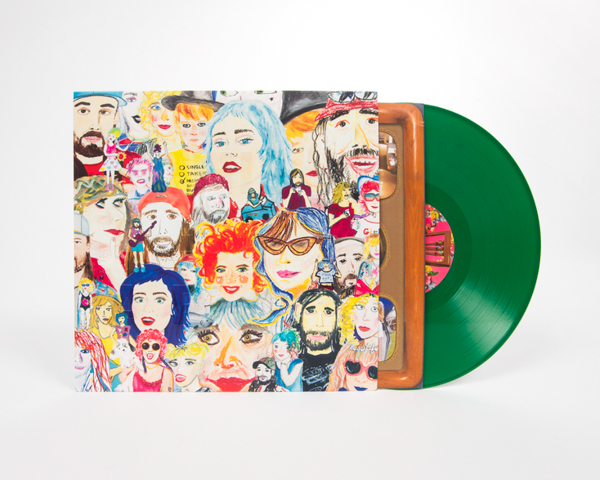
We’re asking people who made a splash in 2019 one question: If you could give everyone in Seattle one book as a gift this holiday season, what book would you choose and why? Our final gift-giver is Emily Nokes, who is the lead singer of Tacocat and music editor at Bust Magazine. There have been three new albums on heavy rotation in our ears all year long year: Lizzo's Cuz I Love You, Carly Rae Jepsen's Dedicated, and Tacocat's This Mess Is a Place. It is a party album for America in 2019, which is to say it's a party album which doesn't try to ignore that things are pretty tough right now. But sometimes you just have to party, right? Do yourself a favor and buy — don't just stream — this remarkable album; you won't regret it.
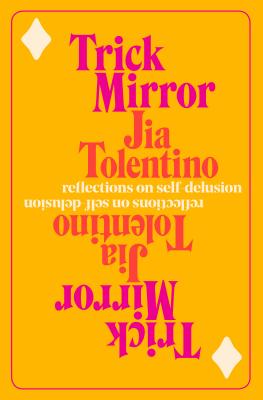
I would give everyone in Seattle Trick Mirror: Reflections on Self Delusion by Jia Tolentino. I loved it so much it's practically a prerequisite for having a conversation with me right now haha. I haven't read anyone who can so intelligently untangle and articulate the feelings of NOW—the performative bleakness of social media, how mainstream "feminism" has been commodified and co-opted into a nothing concept, the ultimate scam of late capitalism, and other ways in which existing in the 21st century feels like a stupid trap. Her essays aren't preachy or prescriptive, just incredibly observant, funny, and well structured.
Holiday Recommends: Here are the books that Amada Cruz would give all of Seattle
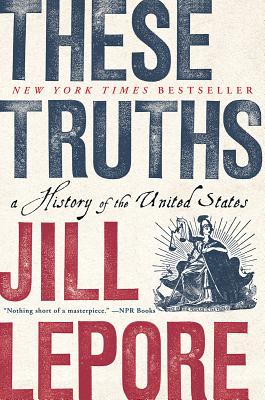
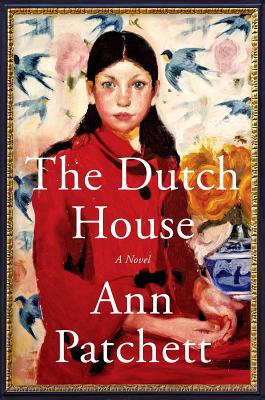
We’re asking people who made a splash in 2019 one question: If you could give everyone in Seattle one book as a gift this holiday season, what book would you choose and why? This morning's gift-giver is Amada Cruz, who was announced as the new Illsley Ball Nordstrom Director and CEO at Seattle Art Museum back in June of this year. Cruz is a huge reader who didn't hesitate when asked to pick a book (or two) to recommend.
The book that I think everyone in Seattle — or really, America — should read is These Truths: A History of the United States by historian Jill Lepore, a rollicking history of this country, with all of its contradictions. It’s full of surprising information, such as the history of political polling, which of course has crucial ramifications for our current moment.
But for a holiday gift, I’d choose The Dutch House by the always-incredible Ann Patchett. I mean, who doesn’t love an epic family drama for the holidays?
Book News Roundup: You can't spell "free" without "fee"
-
Here's a Seattle Public Library FAQ
about the new no-late-fees policy that's going into effect in
2020.
We no longer charge late fines as of Thursday, Jan. 2, 2020. On that date, we will also clear any late fines you currently owe from your account. You may still owe other Library fees, including lost-item charges.
-
Nicole Brodeur at the Seattle Times Broke the news that the newsstand at First and Pike in the Pike Place Market is going out of business on the last day of the year.
-
As we conclude this year of atrocious news alerts and awful headlines, it's great that "they" has been selected as the word of the year for 2019. It's useful, it's inclusive, and it's powerful. Use "they" whenever you can, please.
The gift that keeps on giving
Published December 17, 2019`, at 12pm
Here are three big beautiful art books to give to the Seattleite who's been extra-good this year.
Red
After Columbine, the administrators decided
we should drill but not frighten the children, not
lock down but announce: Teachers get your red folders.
We joked we’d riffle our desks for folders, forget
to switch off lights or lock the doors. We unrolled
butcher paper over windows, practiced crawl and cover.
Even in the dark, live shooter wasn’t possible.
Red folder is a slim memory, twenty years later,
ice storms of shots and so many birds snapped from the sky.
When I was in New England I saw my first bright cardinal
on the grounds of a fancy school and I thought how that flash
was a Christmas card from my youth, red gash of bird
on a snow-covered branch and oh, the berries,
little gestures of goodwill, drawn in crayon.
Change the life of a bookseller in need
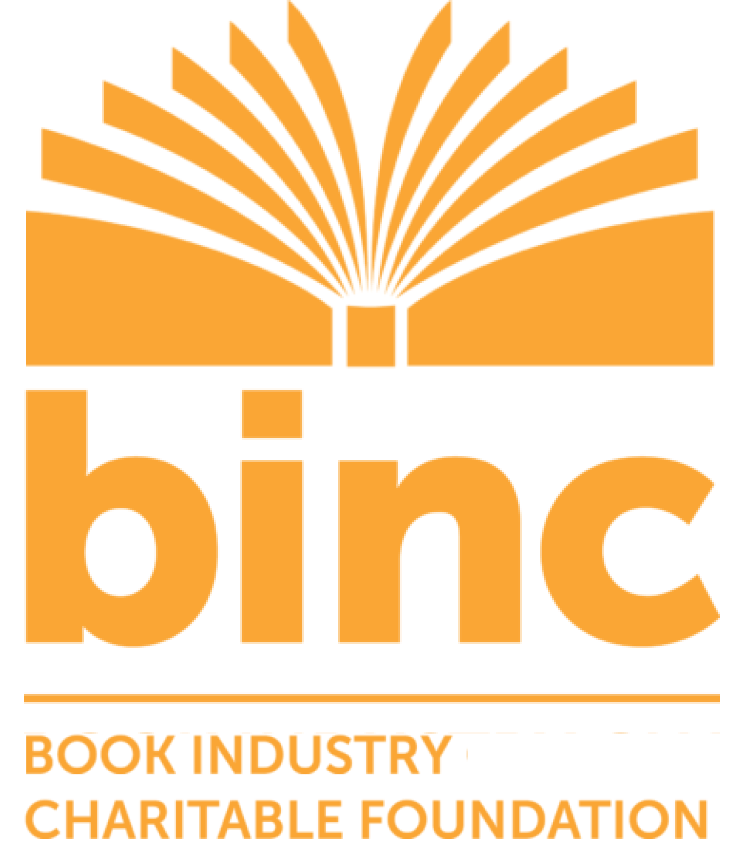
One in five booksellers has an emergency financial need, and when they do, the Book Industry Charitable Foundation is there to help. That's why, this week, we've donated our sponsorship to help raise awareness, and support them.
Right now, through December 31st, Penguin Random House is matching donations up to $15,000, so your dollars will go twice as far as they normally would.
Please consider helping out bookstore employees, who often operate without a safety net. Having resources available in times of need can make a huge difference in the life of someone you interact with on a regular basis in our community.
If you think your message would benefit from being in front of our readers, check out available dates on our sponsor page, and make sure you grab one before they’re all gone.
Your Week in Readings: The best literary events from December 16th - December 22nd
Monday, December 16th: "A Christmas Memory" Reading
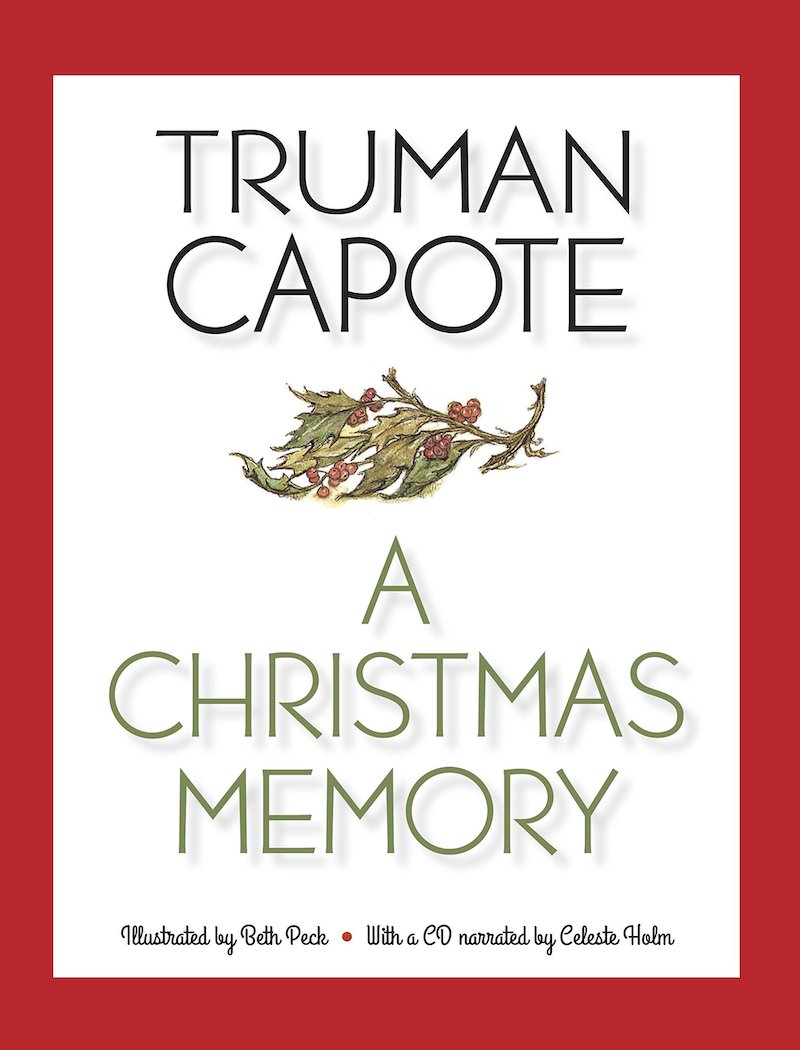
Beloved University Book Store bookseller Brad Craft celebrates a favorite Seattle literary scene holiday tradition with his annual reading of the classic Truman Capote story. University Book Store, 4326 University Way N.E., 634-3400, http://www2.bookstore.washington.edu/, 6 pm, free.
Tuesday, December 17th: Journey to Publication
Local authors Evan Roxanna Ramzipoor, Noelle Salazar, and Kira Jane Buxton discuss what it was like to bring their books through the process of publication.
Hugo House, 1634 11th Avenue, 322-7030, http://hugohouse.org, 7 pm, free.
Wednesday, December 18th: Gears of War Reading
Joshua Ortega, the local author of Gears of War comics, reads from his latest book, which centers on a military tour of duty in "the harsh reality of battle, loss, and the waning hope of victory." University Book Store, 4326 University Way N.E., 634-3400, http://www2.bookstore.washington.edu/, 5 pm, free.
Thursday, December 19th: Native Womxn Writers Celebration
See our Event of the Week column for more details. Hugo House, 1634 11th Avenue, 322-7030, http://hugohouse.org, 7 pm, free.
Friday, December 20th: Once Upon a Time in Space: A Play for Kids!
Woodinville Montessori School students present a play in Third Place Commons that takes the audience through fairy tales and outer space. Third Place Books Lake Forest Park, 17171 Bothell Way NE, 366-3333, http://thirdplacebooks.com, 11 am, free.
Saturday, December 21st:
Elliott Bay's booksellers present readings of How the Grinch Stole Christmas, The Polar Express, Hershel and the Hanukkah Goblins, and more beloved children's holiday books. Elliott Bay Book Company, 1521 10th Ave, 624-6600, http://elliottbaybook.com, 11 am, free.Sunday, December 22nd: Sunday Morning Wordplay
With the literary calendar dying down for the year, maybe you need a word fix. This event features logocentric games including Prolix, Wordsters, and Fictionary. Third Place Books Lake Forest Park, 17171 Bothell Way NE, 366-3333, http://thirdplacebooks.com, 11 am, free.
Literary Event of the Week: Native Womxn Writers Celebration
It's important to remember that Seattle literary history didn't begin with Richard Hugo, or the journals of the founders of Seattle. For hundreds of years, the stories here were indigenous stories of the land and the people and the weather of the Northwest. These stories are the foundation on which everything else is built — all the stories we tell on this land today.
But Native stories aren't just stories of the past. They're still unfolding. And in fact our Native writers are leading the way with some of the most vibrant, curious, introspective, and powerful poetry and prose and fiction being produced in the Northwest today.
This Thursday at 7 pm, Hugo House is hosting the Northwest Native Writers Circle for a showcase of Northwest Native womxn writers. Expect readings and onstage interviews and conversations about what it means to be a Native writer today.
Readers include Laura Da’, Rena Priest, Storme Webber, Arianne True, Sara Marie Ortiz, and Sondra Simone Segundo. They represent the Eastern Shawnee, Acoma Pueblo, Lummi, Haida, Choctaw, Chickasaw, and Alutiiq peoples, among others. They are spoken word performers, poets, travel writers, editors, and musicians. They don't have one monolithic narrative to share; they each have their own stories. When put together like this, side-by-side and interwoven, they are unstoppable.
Hugo House, 1634 11th Avenue, 322-7030, http://hugohouse.org, 7 pm, free.
The Sunday Post for December 15, 2019
Each week, the Sunday Post highlights just a few things we loved reading and want to share with you. Settle in with a cup of coffee, or tea, if that's your pleasure — we saved you a seat! Read an essay or an article online that you loved? Let us know at submissions@seattlereviewofbooks.com. Need more browse? You can also look through the archives.
The commercialization of the commercialization of Christmas
It’s the time of year again to listen to the same seven Christmas songs recorded in the 1950s, make the same cookie recipe, and rewatch A Christmas Story. Hallmark knows this and is on deck to provide what we’re jonesing for, churning out nostalgia-filled Christmas movies following time-worn formulas. Emily Todd VanDerWerff reports from the epicenter: ChristmasCon, a Hallmark-sponsored Christmas movie convention.
But we’ve recently entered a very unusual era for Christmas as a nostalgia-driven holiday, because the period so many adults, from baby boomers down to millennials, are nostalgic for was a period of overt, capitalist excess and mass-market Christmas entertainment. Christmas past is no longer a time before industrialism or a time before World War II.
It’s a time when everybody was watching the same thing on TV. So when Hallmark Christmas movies explicitly romanticize Christmas past, they’re romanticizing an era of popular entertainment that didn’t question for a second that the leads of a romantic comedy would be white, straight, and cis. They’re romanticizing an era when Charlie Brown was already complaining that Christmas had gotten too commercial.
What a bestseller really tells us about a book’s popularity
This is for those who’ve always wondered what it actually means for a book to be on the New York Times bestseller list. I was surprised to learn that not all purchases made in bookstores necessarily count toward inclusion in the list because not all bookstores report their sales to the newspaper. (Spoiler alert: the publishers NPR talked to for this piece said Donald Trump Jr.’s book still probably would have made it on the list without the Republican National Committee’s bulk order, though it certainly helped.)
Nobody quite knows what goes into making a New York Times bestseller. The paper doesn't reveal its methodology, other than to say in part that it's based on a "detailed analysis of book sales from a wide range of retailers." So I asked the people who are in the best position to make educated guesses about a book's sales, and who watch the lists closely: publishers.
How the internet killed feminism
Soraya Roberts examines the rise and fall of feminist blogs in this piece, from the birth of big ones like Feministe and Shakesville at the start of the millenium, to the decline of the category in the current decade. The main crux of this well-researched history of the feminist blogosphere is the division and tensions between white feminist blogs and intersectional blogs — the topics they chose to focus on, their monetization strategies, and the disproportionate media attention and credit white bloggers received.
While a group of mostly white, mostly New York-based feminist bloggers were making their names in the aughts, it was the radical selfless activists on the margins of the blogosphere who erected the scaffolding for the feminist internet as we now know it today. As Brittney Cooper, co-founder of the Crunk Feminist Collective, told me, “The wokeness that we see in this generation is indeed a direct result of all of this labor.”
Little Women was always big
We still have two weeks left to reread Little Women before Greta Gerwig’s version makes its way to theaters. Full disclosure: I can’t be sure if I read it as a child or if it was one of those works that reached me through cultural osmosis — characters in children’s books are constantly reading it, Bart and Lisa read it on The Simpsons, and Joey (of all people) reads it on Friends and has to put it in the freezer when it gets too scary. I remember the book being quite thin in my hands, which makes me think it was an abridged copy. This makes sense when you look at it as America’s first huge franchise for children and young adults, with sequels, spin-offs, and many movie versions. Hillary Kelly’s timeline in Vulture gives a primer on its history as a “super-franchise,” starting from the inception:
Louisa May Alcott, who grew up in Massachusetts in a family of abolitionists and was taught by Henry David Thoreau, had been writing saucy fiction under a pen name (stories like “Pauline’s Passion and Punishment”) when her publisher suggested she write a book about girls. Her first thought? “Never liked girls nor knew many, except my sisters.” So she based her book on them (she was Jo).
Whatcha Reading, ACT Theatre's production of Charles Dickens' A Christmas Carol?
Every week we ask an interesting figure what they're digging into. Have ideas who we should reach out to? Let it fly: info@seattlereviewofbooks.com. Want to read more? Check out the archives.
It's a special holiday treat! ACT Theatre has been putting up their production of Charles Dickens' A Christmas Carol for 44 years. A classic Seattle theater-going experience, each year the cast and team find something new, something unique, and something contemporary to blend in to the holiday classic. This week, we're thrilled to have director Kelly Kitchens, and the two alternating Scrooges, Peter Crook, and David Pichette joining us to talk about what they're reading. Thanks to them for taking time out of their busy schedule to participate — and you have time to see the play, yet! It'll be on stage through Sunday, December 28th — more information here. If you haven't experienced it yet, you're in for a treat. Don't miss it.
Kelly Kitchens is the director of A Christmas Carol. She's a professional director, actor, adaptor, and teaching artist based in Seattle.
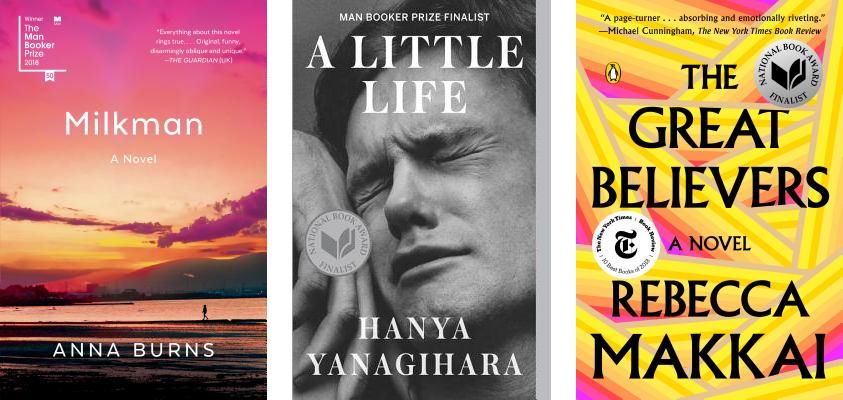
What are you reading now?
Milkman, by Anna Burns
What did you read last?
A Little Life, by Hanya Yanagihara
What are you reading next?
The Great Believers, by Rebecca Makkai
Peter Crook plays Scrooge. A Juilliard trained actor, who spent time in New York and Los Angeles doing film and television, he moved to Seattle in 1989, and has been in countless productions since, including a few turns as the old humbug.
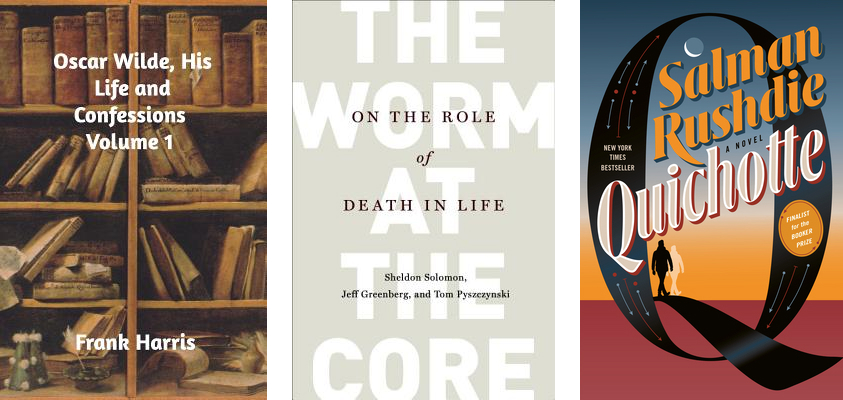
What are you reading now?
Oscar Wilde, His Life and Confessions Volume 1 , by Frank Harris
What did you read last?
Worm at the Core, by Sheldon Solomon, Jeff Greenberg & Tom Pyszczynski
What are you reading next?
Quichotte, by Salman Rushdi
David Pichette also plays Scrooge. A veteren Seattle actor, he's been working in this town over thirty-five years, Pichette's production list is impressive and daunting.
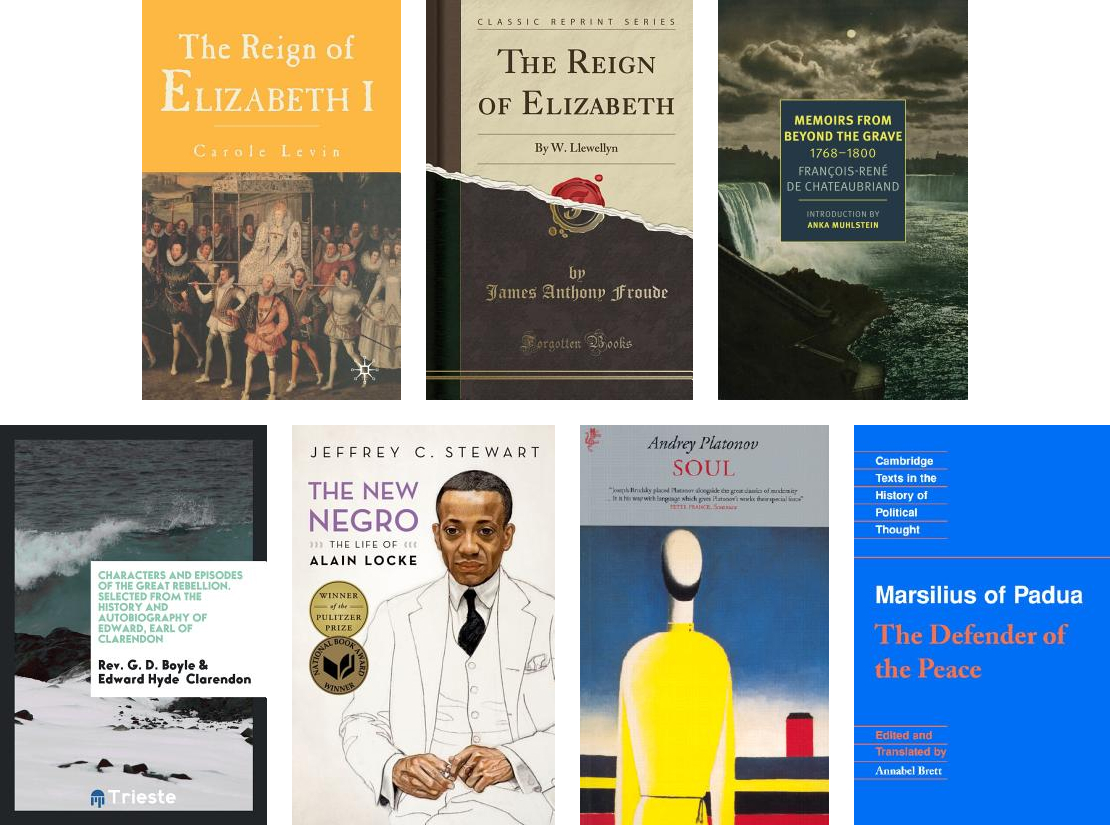
What are you reading now?
Reign Of Elizabeth I by James Anthony Froude, Chateaubriand's Memoirs, and re-reading the Earl of Clarendon's History Of The Great Rebellion.
What did you read last?
The New Negro: The Life Of Alain Locke, by Jeffrey Stewart, and Soul, by Andrey Platonov.
What are you reading next?
Defender Of Peace, by Marsilius of Padua.
The Help Desk: Volume control
Every Friday, Cienna Madrid offers solutions to life’s most vexing literary problems. Do you need a book recommendation to send your worst cousin on her birthday? Is it okay to read erotica on public transit? Cienna can help. Send your questions to advice@seattlereviewofbooks.com.
Dear Cienna,
At some point, my bookshelves crossed a rubicon. Five years ago, my bookshelves were made up of two-thirds books I'd already read and wanted to keep, and one-third books I wanted to read someday.
Then, gradually, the percentage split between books I treasured and books I aspired to read broke along an even 50/50.
But now, something like 4/5th of my bookshelves are made up of books that I've tricked myself into thinking I'd read one day, even though I'm probably never going to read them. (Sorry, Gertrude Stein, but it's probably never going to happen between us.)
It's important for anyone to have a few to-be-read books hanging around their home. But at what point does this get unhealthy? I think if you were to total up the amount of time it would take me to read all these aspirational books on my shelves, that number would far surpass the amount of hours I've statistically got left in my life. I literally have more books than I could ever read. How do I get this savage garden under control?
Edward, Capitol Hill
Dear Edward,
There are two questions I ask myself whenever I consider getting rid of something:
1) Does its presence create a psychological burden I am unable or unwilling to carry? 2) In the event of a house fire, would I mourn its loss?
These two questions have succinctly ended two relationships and enriched countless second-hand stores. (When you envision a significant other trapped in a house fire and chuckle, it's time to Marie Kondo them.)
Here is a third question that might be relevant to you: can I still tell what color my carpet is?
I have a relative who is a hoarder – a real hoarder, not someone who uses the term to blithely describe their exuberant spending. The kind of person with mental health issues who is eventually forced to use a window as the door to their house. This relative actually had a small fire break out at home. The fire was quickly contained, but once the fire department was on scene they insisted on removing everything from the house and hosing it down with water as a safety measure. When a life's worth of stuff was removed – mostly books and records – my relative marveled at their carpet because they'd forgotten what color it was.
Don't become that person if you can help it. Happy holidays!
Kisses,
Cienna
Portrait Gallery: Shauna Ahern
Each week, Christine Larsen creates a new portrait of an author for us. Have any favorites you’d love to see immortalized? Let us know, or see if you can find them in the archives.

Saturday, December 14th: Enough Reading
Subtitled Notes From a Woman Who Has Finally Found It, Shauna Ahern’s new book is a memoir about what it’s like when a woman who has been dogged by feelings of inadequacy finally decides she’s good enough. You may know Ahern from her popular Gluten-Free Girl series of cookbooks. The Neverending Bookshop,7530 Olympic View Drive, Unit 105, 425-415-1945, http://www.theneverendingbookshop.com/, 5 pm, free.
Thursday Comics Hangover: This comic wants to heal America
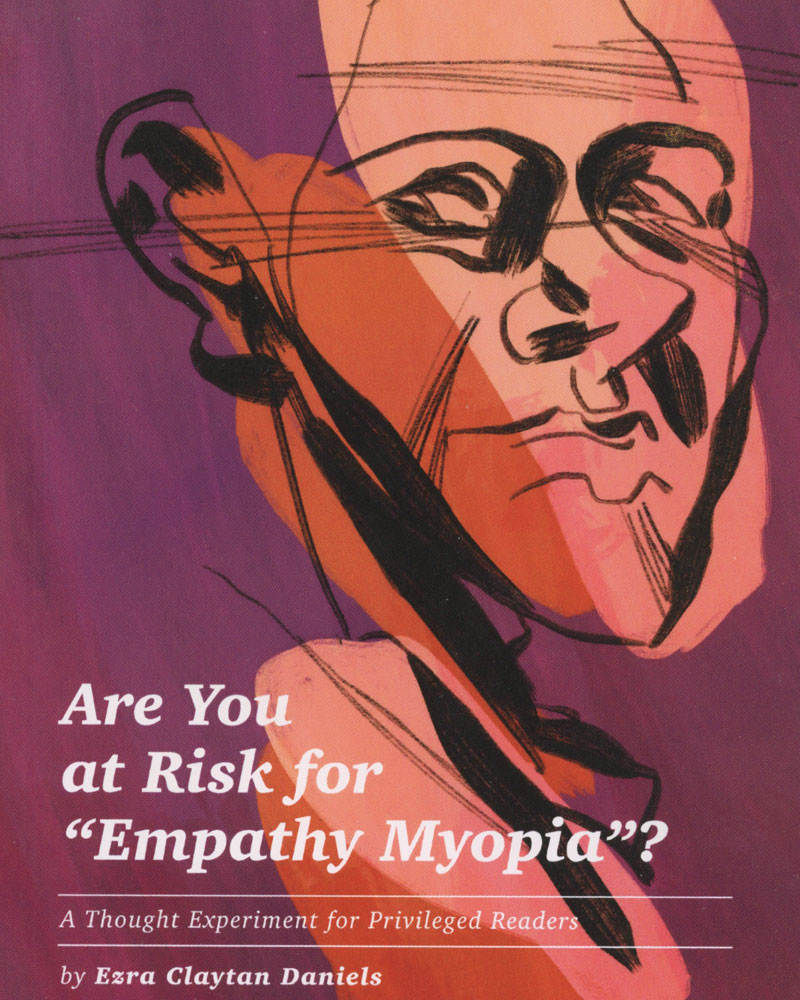
When I interviewed breakout cartoonist and comic writer Ezra Claytan Daniels back in October, he was excited to talk about his newest project, "a nonfiction political essay that I wrote with the intent to communicate certain moralistic and philosophical political ideals to problematic white people."
You could tell from Daniels's tone that he was nervous and excited to get the book out into the world.
All the comics that I do have a very strong sociopolitical agenda beneath the genre trappings that I candy-coat these ideas in. But I started to feel really disenchanted with that approach, because I felt like it was really easy for people to take the wrong message from things that are too obfuscated through genre conventions...So I was trying to think of ways to communicate ideals a little bit more directly. And so I came up with this zine that kind of explores the narrative origins of empathy and the evolutionary origins of narrative — why we, as humans, try to wrap all of our life’s experiences in narrative terms; and how that narrative worldview shapes our perception of empathy; and then why it’s easier for us to feel empathy for some people than others.
It was one of the hardest things I’ve ever done. It took me forever to do it. It’s like 60 pages, but each page is one panel so it’s actually a pretty short book. But I asked a couple of leading psychologists to consult with me on the book, so I got their feedback: Adam Waytz [author of [*The Power of Human*](http://adamwaytz.com/book)] and Paul Piff who [did the rigged Monopoly study that became a viral TED Talk](https://www.ted.com/talks/paul_piff_does_money_make_you_mean?language=en).
Daniels concluded, "the central idea is to create something that’s super-palatable, it’s super-easy for people to understand, but it’s still got some intellectual depth to it, so it’ll give people something to think about."
I bought a copy of the book, a handsome little tract called Are You at Risk for "Empathy Myopia?", at Short Run. At five bucks, the thing feels like a steal: it's classified online as a minicomic, but it has a spine and it's in full color. (If you missed it at Short Run, you can buy it online from Radiator Comics. Daniels also wants the book to be spread far and wide, so it's available to read for free on his website.)
The truth is that there aren't many comics in the world like "Empathy Myopia" — at least not that I've seen. It might be closest in tone and in format to Chick Tracts, honestly, though that comparison does a disservice to Daniels. It's a short, dense exploration of how narrative interacts with our brain to change the way we perceive the world and the people in it. There's an excellent discussion of what it means to have privilege. And then there's an application of those ideas to the world created by social media, and a pitch to break free from the narrative strictures that we're presently trapped in.
As an experiment, "Empathy Myopia" absolutely meets Daniels's criteria: it is, in fact, "super-palatable" and easy to understand, and it does have intellectual depth. Daniels sees the book as a way to explain to alt-right trolls and Trump supporters why and how they've become a force for destruction. I'm not entirely sure that actually putting Trump in the book, and a panel depicting a Trump supporter as a slovenly man outside a trailer, will necessarily win over the hearts and minds that Daniels wants to win.
Still, this kind of comic — this investigative, explanatory polemic — is perfect for comics. It lays out a complex set of thoughts in a very easy-to-digest format. I wish some publisher would get into the business of commissioning these from cartoonists with something to say about the world, and then getting them into the hands of as many readers as possible. More creators should make comics with saving the world as their primary goal.
Book News Roundup: "The charred black bones of the farmhouse coughed and hissed and exhaled into the early morning fog"
Seattle Public Library published a great list of audiobooks read by Seattle-area performers. What a great idea for a local angle on a medium that feels very detached from place.
We've heard that Scry Magazine, the self-described " locus for interconnected, unpredictable, and substantive conversation between Editor Quintan Ana Wikswo and transdisciplinary artists, activists, creators, scientists, shamans, thinkers, soldiers, transgalactic interlopers, philosophical perambulators, and otherlings," which went on hiatus last year, is about to start back up again. Read more on Quintan Ana Wikswo's Facebook page.
If you just want to stop absorbing terrible information about the world for a moment and laugh, Justin Tapp's Chili's menu as reimagined by Cormac McCarthy is extra-hilarious. (Thanks to SRoB tipper Aaron for sending this on.)
I was at the GOP Convention in 2012 when Clint Eastwood pulled his "talking-to-a-chair" schtick. It was even weirder in real life than it was on TV. But still: just because Eastwood is a conservative weirdo doesn't mean his art is invalid. However, Eastwood's latest movie, Richard Jewell, reportedly fictionalizes a true story by depicting a real-life journalist — who has long since died and can't defend herself — having sex with an FBI agent in exchange for inside information. This is low. The fact that Jewell poses as an indictment of the media for falsifying a story only makes the whole thing even worse. Every story is political, but not every story is a political tool. It seems like Eastwood crossed that line here.
Seattle Public Library to provide meeting space for group that traffics in anti-trans rhetoric
At the Seattle Times, Crystal Paul reports on the controversy that has unfolded after the Seattle Public Library rented meeting space to an organization that's widely criticized for anti-trans rhetoric in its Central location downtown.
That organization, the Women's Liberation Front, which non-ironically refers to itself by the acronym WoLF, has made a habit of spreading their hateful, exclusionary message under the banner of "free speech." WoLF has spoken at the Heritage Foundation in what NBC News called an "anti-transgender panel." (Susan Shaw wrote a great response to that event in Ms. Magazine.) WoLF has repeatedly teamed up with conservative Christian groups to oppose trans rights and, as Rani Baker at LGBTQNation notes, their track record on actual feminist issues is suspect.
Back at the Seattle Times, Paul writes:
The Gender Justice League, a Seattle nonprofit that advocates for gender and sexuality justice, said in a statement they will speak with SPL leadership to help them consider the issue’s complexities.
“The end result of a hate group using the library as a venue to ‘critique’ the existence of a minority group creates a hostile environment and is unacceptable,” they wrote.
WoLF is not listed as a hate group in the Southern Poverty Law Center’s extensive documentation of such groups in the U.S. However, WoLF has frequently been referred to by others as a hate group or trans-exclusionary radical feminist (TERF) group, including in an online editorial for *Out Magazine* by Chase Strangio, the deputy director for transgender justice with the American Civil Liberties Union’s LGBT & HIV Project.
The event is currently scheduled for February. In a statement, SPL City Librarian Marcellus Turner says WoLF presented the event "as a women’s rights talk and presentation," and that SPL is...
...exploring every option we have in response to this moment, talking to other libraries who have been through it, scheduling discussions with our transgender staff and community, and consulting with the City of Seattle’s legal department on our options.
If SPL allows WoLF to go through with their event, The Seattle Review of Books will share information about protests and provide resources for our trans neighbors. You cannot seriously claim to be for civil rights of any kind if your platform involves policies that dehumanize, terrorize, and shame another group.
Holiday recommends: Here’s the book that Kate Berwanger would give to all of Seattle
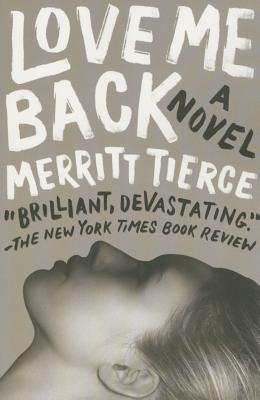
We’re asking people who made a splash in 2019 one question: If you could give everyone in Seattle one book as a gift this holiday season, what book would you choose and why? This week’s gift-giver is Kate Berwanger, the prolific indie writer and event producer who has taken the city by storm over the last year or so. You can visit her shop on Etsy or drop by the retail space she co-founded, Ace of Wands, in the Georgetown Trailer Park. Give some special attention to her great poster-zine full of recommendations of books written by women. For her book recommendation for all of Seattle, Berwanger recommends...
Love Me Back by Merritt Tierce. I was shopping at Elliott Bay for a book that should have lived on the shelf next to this one. It wasn't there, but Tierce fell into my hands. And I won't spoil a perfectly good gift by explaining why I'm giving it to you.
The thorny, everyday lives of Staten Islanders
Published December 10, 2019, at 12:00pm
Claire Jimenez’s Staten Island Stories examines the lives of Staten Islanders and the complex relationship between identity and place.
Word Medicine
Words removed from the Oxford’s Children’s Dictionary, their
replacements, & other favorites
The President of the United States believes he is a victim.
He loves the words witch and hunt and very very bad.
He says believe me and in times gone by we would have
known the spell to slit his tongue as it twisted verity
and poisoned humans in his mouth. We would have conjured
goblins to change his arms to twigs, his head to a walnut.
If we had faith in vocabularies of imagination, apricot,
catkin, and lark could appear in the State of the Union.
Liquorice could become a tenet of the law. The United States
could trade its gold-eyed raptor for a porpoise or a radish.
But we have deal, celebrity, endangered. Food chain, database
and just plain base. Let’s hear emolument clause.
Now here’s a word, witch. Wicked.
Get noticed by readers

The past four years of the Seattle Review of Books have proved that people love advertising with us. Our sponsorship program is good for readers — we don’t block content or try to trick people into clicking on something they otherwise won’t — and good for people who have something to talk about.
Events, books, offerings — what does great in our program is things that readers love. We have some days left in December that would be a perfect testing ground for your upcoming campaigns. Take a chance on a week with us, and see how the most dedicated, engaged, and passionate book audience in the Pacific Northwest responds.
Check out the dates on our sponsor page, and make sure you grab one before they’re all gone.
Your Week in Readings: The best literary events from December 9th - December 15th
Monday, December 9th: Migrating to Prison Reading
César Cuauhtémoc García Hernández's new book examines immigration prisons in America, using personal stories to put a face on the victims of a truly inhumane system. Town Hall Seattle, 1119 8th Ave., 652-4255, http://townhallseattle.org, 7:30 pm, $5.
Tuesday, December 10th: Seattle Writers + Artists
See our Event of the Week column for more details.
Vermillion Art Gallery and Bar, 1508 11th Ave., 709-9797, http://vermillionseattle.com, 6 pm, free.
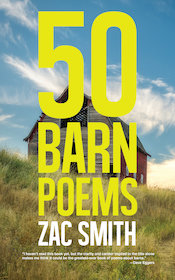
Wednesday, December 11th: 50 Barn Poems Reading
Amber Nelson, Nadine Maestas, and C. C. Hannett help author Zac Smith debut his new book, which is, in fact, a book collecting fifty poems by Smith about barns. How's that for truth in advertising? Solo, 200 Roy St, 213-0080, http://www.solo-bar.com, 8 pm, free.Thursday, December 12th: Revolutionary Love Reading
Rabbi Michael Lerner, a "social theorist and psychotherapist," makes the case in his new book that the one real crisis that's doing the most damage in the world today is "driven by frustrated needs for community, love, respect, and connection to a higher purpose in life." Town Hall Seattle, 1119 8th Ave., 652-4255, http://townhallseattle.org, 7:30 pm, $5.
Friday, December 13th: Copper Canyon Press Showcase and Holiday Book Sale
Every year, Port Townsend poetry publisher Copper Canyon Press, which publishes some of the best poetry books in the world, presents a showcase reading and one-publisher book fair at Hugo House. This is a chance to get some great personalized poetry books (maybe at a discount) for a gift for your loved ones. Hugo House, 1634 11th Avenue, 322-7030, http://hugohouse.org, 7 pm, free.
Saturday, December 14th: Enough Reading
Subtitled Notes From a Woman Who Has Finally Found It, Shauna Ahern's new book is a memoir about what it's like when a woman who has been dogged by feelings of inadequacy finally decides she's good enough. You may know Ahern from her popular Gluten-Free Girl series of cookbooks. The Neverending Bookshop,7530 Olympic View Drive, Unit 105, 425-415-1945, http://www.theneverendingbookshop.com/, 5 pm, free.
Sunday, December 15th: Short Stories Live: A Rogue's Family Christmas
"Julie Briskman, Kurt Beattie, Marianne Owen, and special guests Nancy and Joe Guppy" share Christmas stories with a rapt audience as a special holiday outing of Town Hall's popular series. Town Hall Seattle, 1119 8th Ave., 652-4255, http://townhallseattle.org, 2 pm, $15.
Literary Event of the Week: Seattle Writers + Seattle Artists
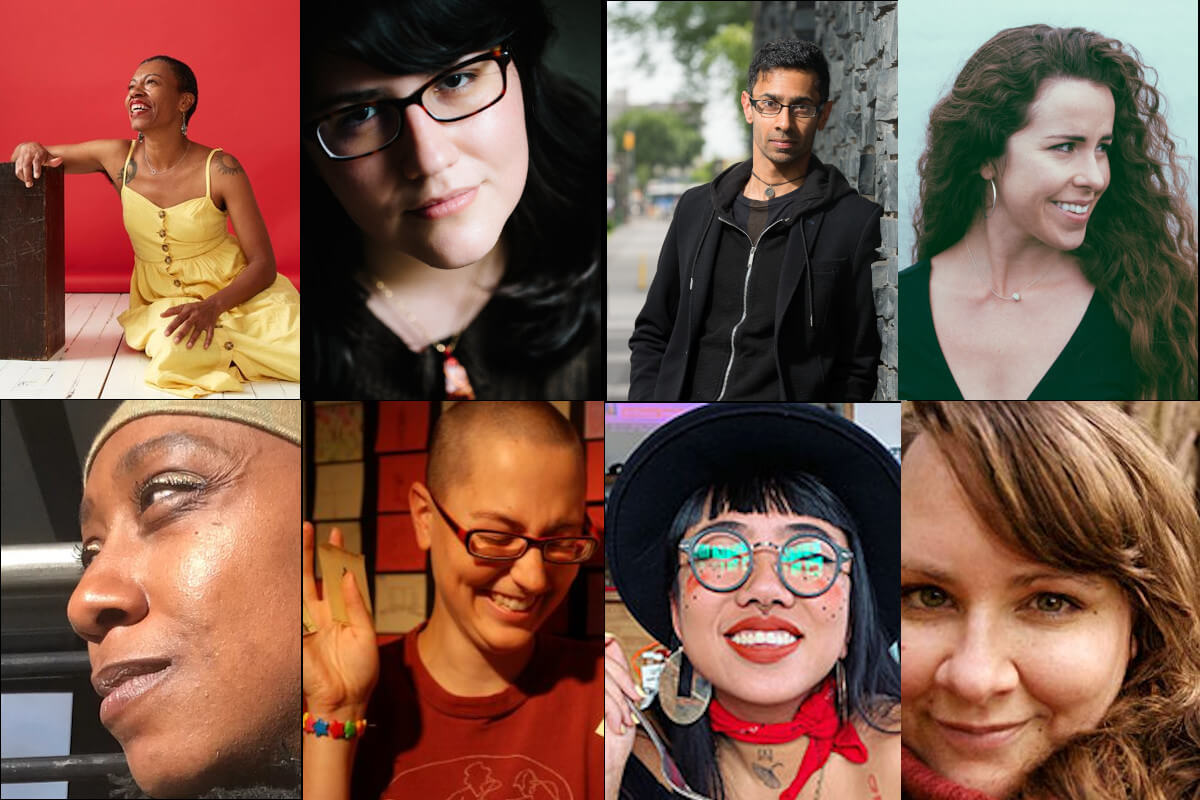
Earlier this fall, Cascadia Magazine founder Andrew Engelson announced that the magazine was "significantly scaling back" its publication schedule. Engelson continues to publish a weekly newsletter and some great work like Kristen Millares Young's essay on writing for the Seattle PI before the print publication shut down.
And Cascadia continues to promote local writers by publishing poetry and, occasionally, putting on interesting events. Tomorrow night, Cascadia will take over Vermillion bar and gallery for a free show that juxtaposes four local authors with four local visual artists. Here's how Cascadia described the event:
You’ll hear readings of new work by former Seattle civic poet Anastacia Renée; prose writer Kristen Millares Young; fiction writer Ruth Joffre; and poet Shankar Narayan—each reading original pieces published online at Cascadia Magazine. Each reading will be accompanied by a collection of images from four Seattle-based visual artists: painter and installation artist Carol Rashawnna Williams; artist, illustrator, and filmmaker Sarah Samudre Salcedo; artist, poet, and illustrator Clare Johnson; and Monyee Chau, an artist who works in a variety of mediums.
It's a fun idea, and it's the kind of thing that Cascadia does well: it combines disciplines and ideas together in a great big party that celebrates this place we call home. This event will feature time for audience questions, and it should also serve as a celebration of what Engelson accomplished in setting up Cascadia and an opportunity to toast the beginning of a new future for the magazine.
Vermillion Art Gallery and Bar, 1508 11th Ave., 709-9797, http://vermillionseattle.com, 6 pm, free.
The Sunday Post for December 8, 2019
Each week, the Sunday Post highlights just a few things we loved reading and want to share with you. Settle in with a cup of coffee, or tea, if that's your pleasure — we saved you a seat! Read an essay or an article online that you loved? Let us know at submissions@seattlereviewofbooks.com. Need more browse? You can also look through the archives.
My boyfriend and I spent Thanksgiving with my family in Texas, and I invited some long-time friends from graduate school. We had become friends due to timeliness and proximity to alcohol, but maybe not because we were agreeable people. In September of 2015, we had wound up in the same Japanese history seminar that ended at five in the afternoon, and the graffitied student bar peddling subsidized beer for £1.50 was only a poky cement courtyard away. They are now reading and teaching in their dream doctoral life, and we spent Thanksgiving bickering over political ideologies. Nobody came out ahead; in those debates, we are all losers. So in this Sunday Post, I’m allowing myself to be extra-pedantic and share some quite long, dry, but I believe, important reads given similar factors of timeliness and proximity.
These reads are about the institutions of our modern, Western, liberal world: the Constitutional Convention, the software of American policy-making, and the bastion of well-read affluence (or neo-liberal rag, depending on your sensibilities), The Economist. Maybe they’ll make you foam at the mouth with rabid approval. Or maybe you’ll make it through a paragraph or two before you roll your eyes and never read a Sunday Post by me again. In which case, five years from now I might invite you to Thanksgiving with my family.
Noah Feldman’s Prepared Statement
This first one you’ve likely already read, or heard and watched in any case. It’s Professor Noah Feldman’s opening statement to the House Judiciary Committee. I returned to Seattle just in time for Twitter to blow up with Benedict Cumberbatch trending (new Sherlock season?!), only to be rerouted to another impeachment testimony (worst crime novel adaptation ever). Since I was at work, I went straight for the text, linked above. And I’m glad I read it first as a transcription, and I urge you to read it as well. Academics, trained in long-form analytical articulation, shine in writing where they might otherwise falter. Call me old-fashioned, but seeing words on a page invites considered dissent; speaking invites interruptions.
Through the blandness of a typed document, you are less distracted by Feldman’s uncanny resemblance to Benedict Cumberbatch, his Franklin Pierce hair manicure, and his barely restrained smugness. I was able to admire the detail in his historical scholarship, the way he brings to life the minutiae of a centuries-old but weighty disagreement, and a precise turning point. I could also step back to consider the implications of this originalist interpretation, clearly in an attempt to pander to the Republicans in the room.
After Benjamin Franklin also spoke in favor of impeachment, something remarkable happened: Gouverneur Morris changed his mind. Morris had been convinced by the argument that elections were not, on their own, a sufficient check on the actions of a president who tried to pervert the course of the electoral process. Morris told the other delegates that he now believed that “corruption & some few other offences to be such as ought to be impeachable.”
To Regain Policy Competence: The Software of American Public Problem-Solving
While a long, detailed, and highly specialized read, this essay in the Texas National Security Review gives a hypothesis and solutions for something I believe a lot of us wonder about viscerally all the time, why is there such a generalized distrust in government? For Philip Zelikow, the answer is much more mundane than political flash or right-wing media or partisan stalemate. He describes the faltering not of politics but policy, of the actual craft and discipline of policymaking. He compares this craft to engineering — it works best when it is methodical, repeatable, and high-quality, and its agents highly-trained in assessment, analysis, problem-solving, and even the mundanities of rigorous record-keeping. We caught a glimpse of this distinction a few weeks ago listening to the testimonies of Fiona Hill and David Holmes versus Gordon Sondland. The battle of the notetakers and the phone-callers.
I learned so much from this highly competent piece about systematic incompetence, and left wishing this piece had a broader audience. It deserves it.
The software of substantive public problem-solving overlaps with the formal procedures of government, but it is really a different subject. The software of policy is about how policies are crafted within a given set of processes and constraints. Software includes methods or routines for the way the substantive work is done, at the level of the individual professional and the institution. At every stage, the software includes organizational cultures for getting and evaluating information, for doing analysis, and for recording what is being done.
How the Economist shaped the liberal mind
New Statesman commissioning editor Gavin Jacobson reviews Alexander Zevin’s Liberalism at Large: The World According to the Economist, an intellectual biography of not a person, but a weekly magazine that calls itself a “paper.” Its subscriber list is famous and wide-ranging, its circulation global, and style guide is summed up by this instruction: “Pretend you are God.”
But like the Constitution and the engine of our policies that make up a government, an icon is shaped not through omniscience, but through humans and what they know of the world, through their relationships (some quite literally married into the magazine), their priorities, their supporters, their convictions or petty rivalries, their taxes and their balance sheets. That’s why it’s story is written as a biography.
But it is at the level of ideas that the Economist has acquired its reputation as the lodestar of liberalism and as a guide to the doctrine of the age. This began in the mid to late 19th century under the editorship of Walter Bagehot, who Zevin rightly calls a “totemic figure” and “the name most associated with the paper”. Born in 1826, Bagehot became editor of the Economist in 1861 after marrying James Wilson’s daughter a few years before.
On capitalism, Walter Bagehot was less fanatical than his father-in-law, favouring a graduated income tax, state ownership of the railways and legislation to make factory work safer. But he was a firm believer in the nation’s imperial destiny – not only because colonisation is what the British did but also because it opened up new vistas for capital.
Whatcha Reading, Peter Zheutlin?
Every week we ask an interesting figure what they're digging into. Have ideas who we should reach out to? Let it fly: info@seattlereviewofbooks.com. Want to read more? Check out the archives.
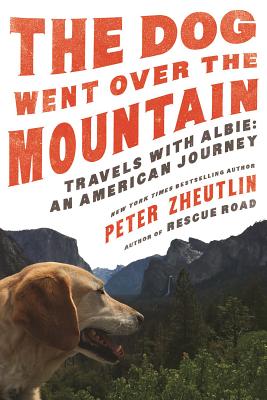
Peter Zheutlin is a Massachusetts based journalist and author. Before writing full time, he was a lawyer, a professor, and Public Affairs Director of the International Physicians for the Prevention of Nuclear War. Of his eight books, his focus lately has been on dogs and their relationships with humans. His latest, The Dog Went Over the Mountain: Travels with Albie: An American Journey, is a road-trip story inspired by Steinbeck's Travels With Charlie. Zheutlin is in town, today, reading at the Lake Forest Park Third Place Books, starting at 6:00pm.
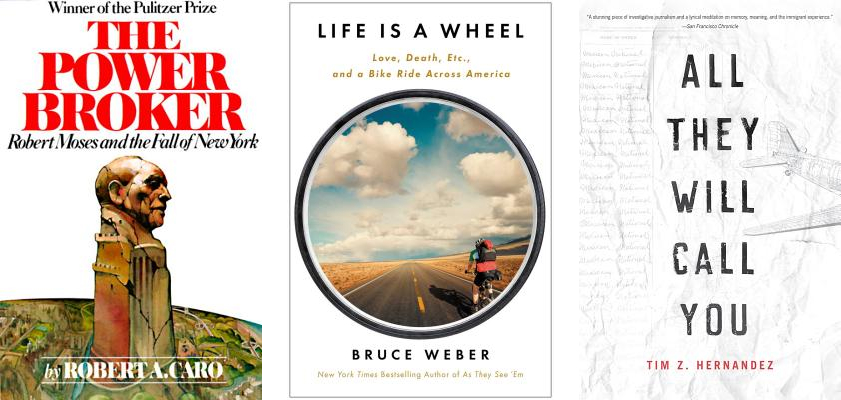
What are you reading now?
Right now I am reading The Power Broker: Robert Moses and the Fall of New York, by Robert Caro (famous, of course, for his multi-volume biography of LBJ). It’s a daunting 1,100 pages, but Caro is a great storyteller.
What did you read last?
I just finished, Life is a Wheel: Love, Death, Etc. and a Bike Ride Across America by Bruce Weber. Weber is the recently retired, legendary NY Times obit writer. I picked it up because a couple of weeks ago, as part of the Times “Overlooked” series (obits, mainly about women and people of color, who were overlooked by the Times in their time), Weber wrote an obit about the subject of my first book, my great-grandaunt Annie Kopchovsky (better known as Annie Londonderry) who circled the world by bicycle from 1894-5.
What are you reading next?
Next up, I think, is All They Will Call You by Tim Z Hernandez. It’s about the 1948 plane crash in Los Gatos Canyon (CA) of a plane carrying 28 deportees, all Mexican farm workers) back to Mexico. The crash became the subject of the Woody Guthrie song, “Plane Wreck at Los Gatos (Deportee).”
November 2019's Post-it note art from Instagram
Over on our Instagram page, we’re posting a weekly installation from Clare Johnson’s Post-it Note Project, a long running daily project. Here’s her wrap-up and statement from November's posts.
November's Theme: I’ll Show You What I Show You
My friend Laura is an undeniably formidable poet, choosing November’s post-its like a poet too; she said she’d been thinking about framing. She bookmarked scores of pieces that subtly draw attention to their own framing — words that add something you could never glean from the picture — or only match the imagery if you’re me, suddenly framing the scene in a different light — moments set on stages, my implied gaze impacting the theatrical frame — images embracing their own drawn-in frame — information boxed off, or fighting against the frame of the page — I could go on — I suddenly want to wax poetic about a queer gaze and modes of looking in ways I’m terrifyingly unequipped for academically — I will not go on. Laura’s choosing plan cleverly articulated something that locks fingers with my entire post-it endeavor, and feebly trying to verbalize it here makes me again feel how formidable she is. Hours into writing about our friendship I’m now deleting in huge gulps, saved somewhere else, unsure how to tell what’s for everyone when we are not everyone. It’s safe to say I love her fierce delightful brain, her wit surprising and inevitable every time I see her like it clocked me in the chest exactly what I’d been waiting for all day. She pulled off a mystifying trick of ultimately choosing post-its that life proceeded to echo back at me all month. I’m flying as I type, traveling away from my sister in New York. It’s her “maybe most prized possession” in the first post-it, improbable treasure cast away on the street outside her short-lived job bartending in an alienatingly trendy hotel. The trunk, plastered with antique theater posters and 1960s Time Magazine covers, was one of many left behind by 2 older guys who explained their dance company in the 1950s-60s had used them for carrying costumes on tour. After tortured self-debate about the impracticalities, my actor sister strong-armed a cab driver into letting her bring the trunk in, hauling it home to new life as a beloved-yet-awkward coffee table, and now, years later, her partner’s “closet”. (Laura, strange genius that she is, was privy to exactly none of this information when she chose it.) This trip I’m hurtling home from also meant times with the toddler starring in the second post-it. I talk on the phone with his dad year-round, but once a year I find myself able to wander uptown into their home and daily life, know their kid. He knows my painting on their wall as Clare, knows it better than he knows me. He’s lived his whole life with this thing I made, when I only hung out with it for a few months. My superlative freedom is walking alone at night. Someone took it from me 18 years and 10 months ago but I was unspeakably lucky and grabbed it back later, going through the motions till I stopped startling, I never flinch when my streetlight shadow overtakes me from behind now, I know I’m lucky, feel it through my legs and fingers every walk home. The fourth post-it is a trainee ballerina, the best in the showcase, we were in the front row so I don’t know if anyone else could hear her. Whisked away mid-dance and I’ll never know where the rest of life takes her, I guess dancers heal from injuries all the time, she just kind of crumpled. I told Laura about it soon after, she knew what the drawing was without asking. In closing, I know just 2 people who say it tickles me — Laura, and my sister. Looking back in my journal didn’t help, that night I was thinking of so many people I love. I said to Laura, “This one’s gotta be you, right?” Is someone rushing out a doorway laughing? Is it me? I might figure it out, but it’ll be too late to tell you then. When I described it to my sister, she said “It was me I bet. I did all of it.”
The Help Desk: Thou shalt not covet your brother's wife's book deal
Every Friday, Cienna Madrid offers solutions to life’s most vexing literary problems. Do you need a book recommendation to send your worst cousin on her birthday? Is it okay to read erotica on public transit? Cienna can help. Send your questions to advice@seattlereviewofbooks.com. Cienna Madrid is still digesting Thanksgiving dinner, so please enjoy this encore presentation of a column from three years ago.
Dear Cienna,
My brother married a gazillionaire heiress. She’s really, really nice. She’s generous, takes the whole family on luxury vacations where she pays for everything once a year, is crazy about my brother and they are, like, sickeningly cute together. And, she’s beautiful, and smart, and has a big degree and a real career on top of it all.
Anyway. I can’t help it but feel like trash around her. I dropped out of high school and had drug issues, and did stuff I’m not proud of. Now, I have my shit together like no other time in my life. I did it through writing, and sweating my pain and failure out of every pore in my body until my skin was clear. My life is really, really good now, and I’m working on my first novel, and I’ve been getting good feedback from my writer’s group, and I have an agent that I’m talking to.
But goddammit, my sister-in-law just sold a novel. She did it to this big house with a star-studded agent, and I just know it’s going to sell a gazillion copies. I mean, she’s Ivy League, so she’s smart and deserves it, but I just can’t help but feel like it’s so unfair. I feel like trash next to her, and she could stop working and give away her money every day of her life and still have enough to buy a country, but I have to struggle for every scrap. I don’t begrudge her, but I can’t help but feel jealous and awful, and I want to be a good sister to her too.
Help me, Cienna! What should I do?
Sister Heart, Capitol Hill
Dear Sister Heart,
Succumbing to jealousy is graceless and exhausting, like signing on to be the principal dancer in a clubfoot ballet.
I have been seethingly, sweatily jealous of two women as an adult: a fellow writer who I felt unfavorably compared to and the girlfriend of a man I briefly loved, who unfortunately shares many of my passions and hobbies (with the exception of breastfeeding spiders). Unlike you, there were no warring feelings of love for either woman. I felt only ugly things. At one point, I fantasized about the vainer one contracting jaw cancer and having her lower jaw removed so perhaps — just perhaps — she would post fewer pictures of herself doing things I loved to do (with the exception of breastfeeding spiders) with people I loved on the internet.
I wish I could say I overcame those feelings but I didn’t, not really. Fortunately, they burned so hot that they mostly burned themselves out. Once my all-consuming jealousy had collapsed into an emotional bruise that only ached when I acknowledged it, I was able to privately concede that neither woman deserved the emotions I ascribed to them. They had unwittingly threatened parts of my identity that I cherished, at times in my life when I felt especially vulnerable.
You, Sister Heart, are in an enviable position: You’re at a very good place in your life, you respect the woman you envy, and it sounds like you have a good relationship with her. You should know that her successes don’t undercut your own — the insights of a billionaire heiress writer are likely radically different from the insights of an ex-drug-using writer (and frankly, your life sounds more fascinating). There’s room in the publishing world for you both.
Looking back, if I were in your position and had a relationship with either woman, I would have exorcised my demons by telling them how I felt, in my own clubfooted way. Like, “I mostly enjoy your writing but I hate that people compare us because we’re both women.” Or: “I will probably always resent that a person who was so important to me treats you better than he ever could me. Sorry about that. Also, would it physically kill you to take a picture that didn’t prominently feature yourself in it?”
Sometimes I still fondly remember the jaw cancer.
Kisses,
Cienna
These Seven-league boots were made for walking
Printer’s Ink was a weekly publication out of New York that kept eyes on the printing and advertising trade. In their February 8th issue, from 1923, they noticed a curious advertisement that sprung up in Seattle. “Seattle was greeted by a powerful newspaper advertisement, a full page in size, picturing Seattle as a rising giant among cities, striding forward in ‘Seven League Boots.'”
“These articles are not advertisements in the sense of selling land or promoting private interests,” it went on to say. “The space is paid for by the Puget Mill Company for the sole purpose of arousing Seattle to a unity of purpose and to a full realization of its present and potential greatness…Let us make 1923 a record year!”
This nice bit of early promotional branding was echoed some years later by the Seattle Chamber of Commerce in a 1945 promotional pamphlet: “Seattle Strides forward in Seven League Boots.” Coming off the war, with Boeing strong and soldiers returning home, the Chamber wanted to remind us that “YOU have a part in this new era. YOU and the Seven-League Boots you wear will hep make us the nerve center of a New Empire.”
The term has fallen out of common use. Seven-league are mythical boots that you could wear, and gulp 21 miles with each step. Slightly underwhelming by today’s standards of wonder (we’re more interested in light speed, warp, and hyperspace), seven-league were once a mainstay of fantastical stories.
On foot, or even horse, in the olden days, a trip to Everett from Seattle would have taken at least a day of travel. What a dream to do it in just over a step. In early modernity, the dream turned metaphor, and seven-league boots came to symbolize aspiration above one’s current ability.

Seven-League Boots have been on my mind since last Saturday, when I attended the opening night of Book-It Repertory Theatre’s Howl’s Moving Castle. It’s likely you’ve heard of the 2004 Studio Ghibli film of the same name. It’s possible, given the site you’re reading, you are also aware of the 1986 Diana Wynne Jones novel that it was based on.
And now, in the land of Seattle, home of seven-league advertising, the exemplary Book-It has put up a holiday production that carefully tears the pages from the book, and pastes them back together with music for glue.
It’s a restaging of their own original show, in fact. Book-it put up an earlier production in 2017. The new version, which shares a couple of cast members, has been tweaked quite a bit — and although I didn’t see the earlier production to compare them, word on the street is that this production turned some of the earlier version’s frowns upside-down.
With the first heavily choreographed opening number, the cast right up against the lip of the stage in their intimate theater space, the vibe is literal and somber. It switches to earnest, then whimsical, before devolving into madcap. It’s a two-and-a-half hour romp through a fantastical story in a fantastical land (Wales, but also a magical kingdom called Ingary).
A milliner, the eldest daughter, runs the business with her mother while her younger sisters are sent off to study baking and witchcraft, retrospectively. There’s talk of a wizard, Howl, very powerful. There’s a witch, the Witch of the Waste, who comes down and, for mysterious reasons, curses the eldest daughter and turns her into an old lady.
Sophie, that character, is played by Rachel Guyer-Mafune, and is one of the great joys of the production. Her bright-eyed young Sophie turned into a delightfully cranky and direct woman who accepts her curse magnanimously, reveling in not having to care, anymore, what people thought about her. I hadn’t really considered how key an aged accent could be to a character until I saw the transformation live. Like nearly all on stage, Guyer-Mafune was obviously having a grand time, but her impeccable timing landed some of the biggest laughs of the evening. And, how great that this piece revolves around the story of a (supposedly) old woman. Don’t get to see that, too often.
Andi Alhadeff, who played a number of roles, also was fun to watch. Bigger than the stage, her Witch of the Waste was bombastic, deliciously evil, and operatic. All her roles, in fact, were colored brightly, and played with with a plume and wink. Each character set apart from the other with a particular accent — from ‘r’-rolling high queenish, to Welsh (one suspects that Gin Hammond, the dialect coach, was effective in her role with Alhadeff, and the rest of the cast as well).
In the only odd note of the evening, Nicholas Japaul Bernard, in the role of Howl, was on voice rest after illness. He mimed his performance, while composer and lyricist Justin Huertas gave him voice (spoken and sung) from off stage. The effect was slightly surreal, as if Howl was so powerful a wizard so as to not require speech to communicate, his mouth still and shut while a voice boomed from the speakers. Bernard delivered despite the awkward circumstance, but I’m sure subtitles and small acts of timing were lost in translation, as was his own voice, which I wish I wish I could have heard.
I walked away humming a few of the more catchy refrains (and, to my companions, shrieking one memorable one, to make each other laugh). The music is bright-lights and broadway bold — it’s chipper and, for the most part, memorable. It’s played by three musicians who at times sound like thirty, and infuse the room with strings and woodwinds, recalling European folk-music by way of New York aspiration.
The staging, like the music, seeks to evoke more than prescribe, with some key elements used in multiple ways, constantly being reset by a flurry of actors coming on, going off, moving this way and that, all carrying a hat, or cake, or other useful prop. It’s kinetic and fun to watch, like a puzzle done and undone again, the pieces turning and moving, something always moving. Like the castle that moves in the story, the stage is never truly set.
The cast devoured this performance. Not a one didn’t throw themselves full in with a contagious abandon, never out of control but perhaps coming a bit close at times.
That’s why I would go — I wouldn’t necessarily go in for the plot (it’s charming and fun, but it’s not the there, here). I would for the music, which at times teases towards saccharine, but overall has some nice sing-along melodies and weaves well into the emotional landscape of the story — and, at times, setting up some nice comedy. I would, for the fun spirit of a holiday production that isn't about a holiday, and which older kids will certainly have a grand time encountering.
For a theater the size of Book-It, whose productions are always looking towards the possible, this feels like a particularly big reach. The program notes that it is a new musical in development, which, okay, sure perhaps there will be tweaks to come, so it’s fun to see all the no matter, try again, fail again, fail better right here in the Seattle Center.
I keep thinking about the size of the stride compared to the length of the legs doing the walking. Seems like they’re going for something decidedly grand here. Looks like they even got fancy new boots. Somebody’s paying attention to how Seattle is supposed to aspire, and that’s something worth showing up for.
Portrait Gallery: Writers in the schools
Each week, Christine Larsen creates a new portrait of an author for us. Have any favorites you’d love to see immortalized? Let us know, or see if you can find them in the archives.
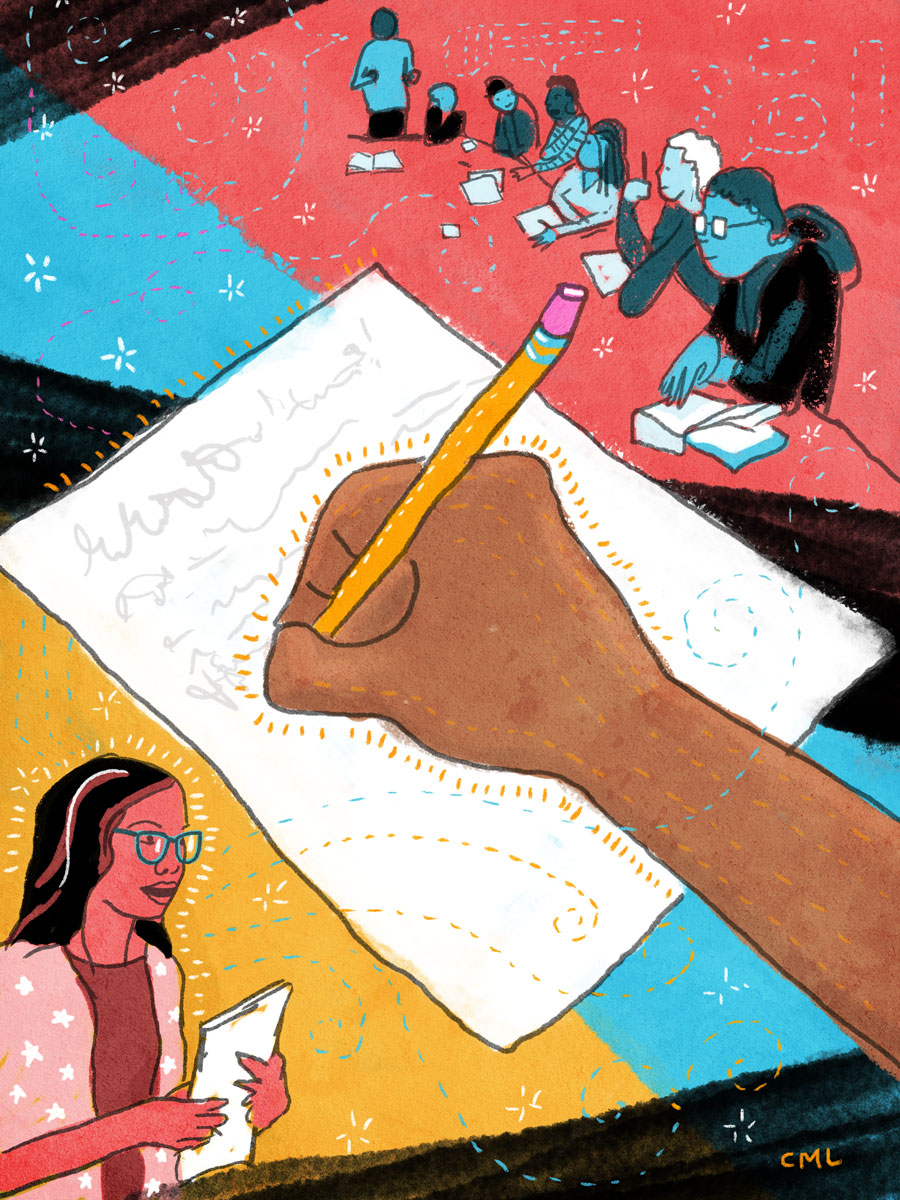
Sunday, December 8th: Writers in the Schools Annual Group Reading
This year’s Youth Poet Laureate cohort will read, including our Youth Poet Laureate, Wei-Wei Lee. I attended the Youth Poet Laureate reading at Lit Crawl, and it was a lively and entertaining reading by some very promising young poets. Elliott Bay Book Company, 1521 10th Ave, 624-6600, http://elliottbaybook.com, 3 pm, free.
Kissing Books: On the twelfth month of romance
Olivia is taking a much deserved break, after a banner year. But a month without her biting, incisive, and passionate (both with a 'com' in front of it and without) is too long! We've assembled a year of her columns here, to hold you over until she's back, in January.
December 2018: Something out of the ordinary
Holidays are points on the timeline where the ordinary world cracks open a little and something numinous filters through. In the Catholic calendar I was raised with the weeks leading up to Christmas are called Advent, which (like Lent in the spring) is officially, theologically different from the long stretch of green-robed months labeled Ordinary Time. Holidays were by definition extraordinary times.
Some holidays we fixate on more than others, as a culture. Some of those timeline cracks we take a narrative crowbar to, prying the opening wide to get more of the magic out. Christmas, for example, is always being worked at, even in tales that never breathe the name Jesus. There’s a kind of secular magic that turns up, though centering it on a Christian holiday still puts a great deal of pressure on people of other faiths. I think it’s telling that we classify Christmas stories as general fiction, even though they often feature clearly speculative elements. Mortals encounter ghosts or angels or spirits; magical objects change the course of a character’s life; supernatural agents work secretly for the betterment of all. A Christmas Carol is a time-travel book and a ghost story, though people look at you funny if you recommend it as such.
This year, heading into the darkest months, it feels like we need that magic more than usual. We need the oil to last longer than it‘s supposed to; we need ghosts to take gloomy mercy on our errors; we need a kindly supernatural hand to guide us toward a better, happier future. Maybe it’s that vast yearning that cracks open the world in the first place — you can’t make changes without first desiring change. And stories are how we come to understand what we want to be different. So many of those magical stories always seem to come back to very real, very human goodness: generosity, kindness, charity, hope, and love. It has to be more than coincidence....
plus reviews of:

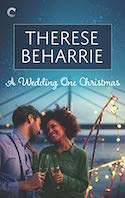
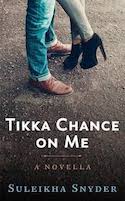
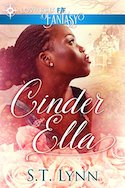
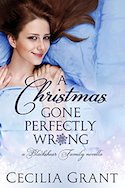
Read the full column »
January 2019: The can't both win, but we can
It is a consummate romance plot move to pit the two main characters against one another.
If the heroine runs a small vintage hotel, the hero will certainly be the manager for the new corporate chain trying to put her out of business. If one heroine is a chaos goddess, the other is a paladin whose job is to banish chaos deities back to the astral plane (see below!). In my head I call this trope They Can’t Both Win and it is fantastic narrative glue: it connects our two leads long enough for the romance to begin to blossom, then puts the happy ending in suspense once they’ve fallen for one another.
They Can’t Both Win presents a zero-sum game, but it’s a rare story that lets one character completely triumph over the other. ( You’ve Got Mail being a notorious example.) More often, what ends up happening is that one or both characters realize that there’s a third way to move forward: an idea sparks that lets them work together toward a shared goal, or they realize that their beliefs have been flawed and correcting them opens up new possibilities. Someone realizes there’s something more important at stake—hearts or home or happiness—and the plot goes from a cutthroat competition to something more creative and ultimately much more fulfilling....
plus reviews of:
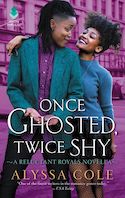
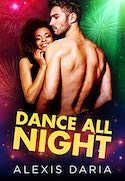
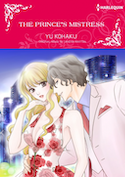
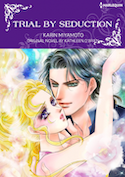
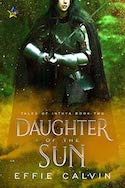
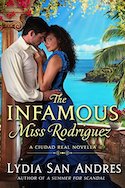
Read the full column »
February 2019: Whiteness, amnesia, and the uses of historical accuracy
We talk a lot about historical accuracy in our commercial fiction. I would like to talk a little bit about accuracy in our history of commercial fiction.
Let me take you through a case study.
Back in that dimly remembered epoch known as The Year 2015, author Stephanie Dray made a racist joke while finishing a novel about Thomas Jefferson’s eldest daughter. Screenshots were passed around; many people spoke up about how harmful this was; Dray and her co-author Laura Kamoie (who also writes as Laura Kaye) apologized , saying their book about a wealthy white woman was really meant to illuminate the evils of slavery, and kept their heads down long enough for the conversation to move on....
plus reviews of:
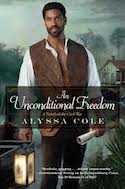
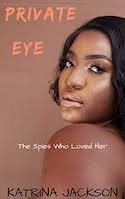
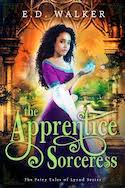
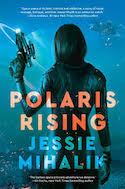
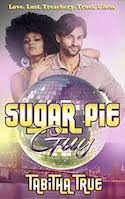
Read the full column »
March 2019: The case of the secret trope
“She wasn’t the kind of woman who…”
And just like that, my shoulders are up around my ears.
They tell you romance is easy to write because the ending is a given, when in fact the opposite is closer to the truth: romance is difficult to write well because every reader’s standards for being persuaded to believe in the happy ending are unique and painfully particular. I’m not just talking about the big tropes: your marriages of convenience, your enemies to lovers, your small town prodigals come home to make good....
plus reviews of:
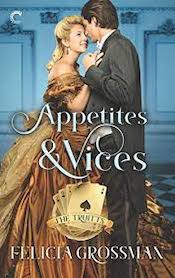
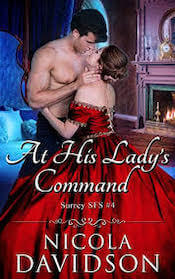
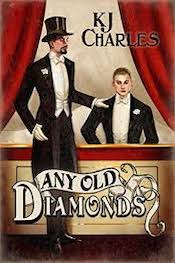
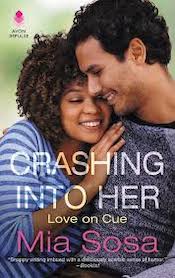
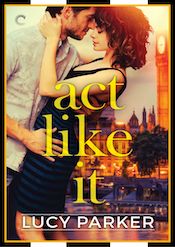
Read the full column »
April 2019: The problem with cruel
April is the cruelest month, according to one of our crueler poets — so what better time to talk about cruelty in romance?
Cruelty, as a character trait or behavior, is largely the province of male main characters, especially in m/f romances. Heroes get to curl lips, issue scornful declarations, hold themselves aloof from the suffering of lesser beings; heroes have eyes like ice chips, and dungeons full of whips and shackles, and inflict punishing kisses upon their love interests.
Heroes can never really be too cruel: so long as you offer a compelling enough backstory (some woman betrayed him, his family abused him, his government ordered him to murder and torture) you can excuse almost any kind of cold-heartedness....
plus reviews of:
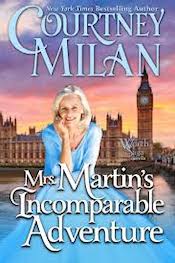
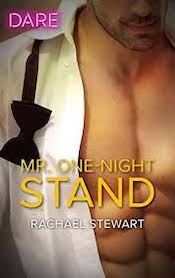
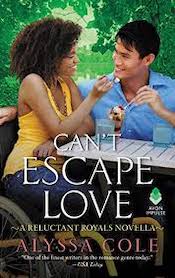
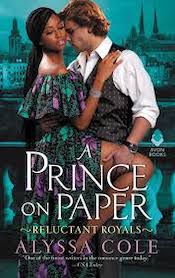
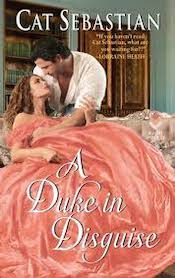
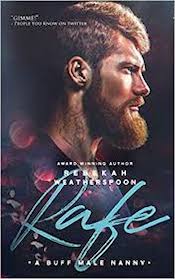
Read the full column »
May 2019: The placeholder heroine is...
1992’s landmark volume of romance criticism, Dangerous Men and Adventurous Women , has had a difficult afterlife. One particular specter from romance author Laura Kinsale’s essay haunts the genre like the ghost of a first wife contemplating arson in the attic.
I speak of: the placeholder heroine. I loathe it — both the term and the theory — and I’m going to tell you why.
Kinsale’s original essay uses the term placeholder heroine to mean the reader allows the plot to carry her through the book, enjoyably, even if she knows she would make different choices than the heroine in the story. It’s anti-identification. But the phrase has taken root in the readership as a way of describing a heroine who is so bland and invisibilized that she allows the reader to almost literally take her place as the emotional focus of the story. Bella Swan of the Twilight series, for instance, gets pulled into this discussion a lot, poor girl. Cinderella, too, is assumed to be an empty vessel so the reader can bask in the relief of being rescued....
plus reviews of:
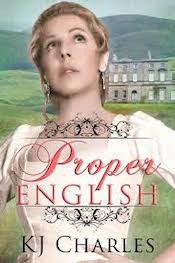
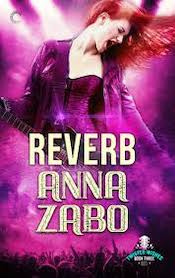


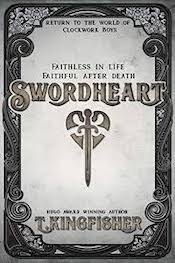
Read the full column »
June 2019: Characters exist to be thwarted
There’s a famous story they tell about Alfred Hitchcock, explaining the difference between surprise and suspense. Two characters sit at a table, chatting—when suddenly, the bomb beneath the table goes off!
That’s surprise.
Suspense is what you get when, first, the director shows you the anarchist planting the bomb beneath the table, then lets you bite your nails watching those same two people chatting in blithe ignorance of the threat, while the clock slowly ticks down explosion-ward....
plus reviews of:
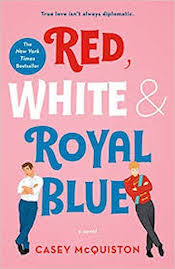
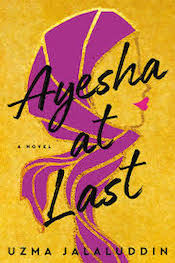
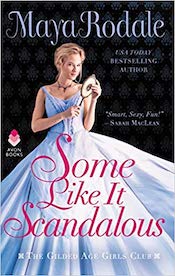
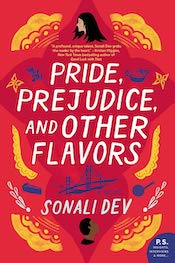
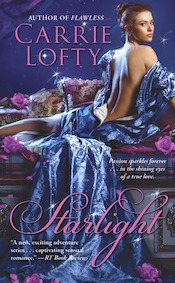
Read the full column »
July 2019: Summer murders
Now that we’ve reached the height of summer, the long string of brilliantly sunny days, of course I’m thinking about murder.
There are plenty of overlap subgenres in the spectrum between romance and mystery: the lush and atmospheric Gothics, adrenaline-fueled romantic suspense, long cozy mystery arcs with a pair of sleuths who slowly fall in love across several books (Lord Peter and Harriet, Phryne and Jack).
And the point where all these genres connect is: trust....
plus reviews of:
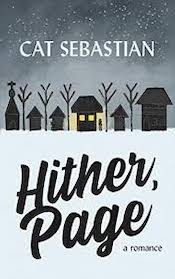
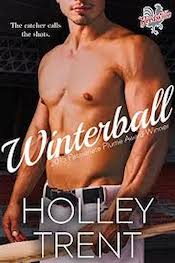
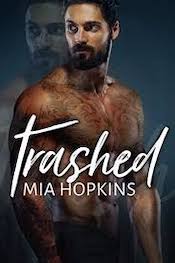
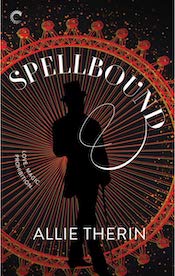

Read the full column »
August 2019: Assertive contact
In the sleek modern lobby of the HarperCollins offices in Manhattan is a Chandler & Price letterpress from 1905. The metal is dark and lustrous, the wood gleams; it’s that kind of historical artifact whose heavy presence seems appropriate to its significance. I like it because I love letterpress, which shows us that printed books are the result of applied geography.
To print text in a press, you need to bring paper, ink, and metal type into assertive contact. There’s a moment where those three elements occupy the same geographic space—when the metal forces ink into the fibers of linen or pulp—and that’s the moment that creates something new: a handbill, an illuminated poem, a part of a novel. It is so tempting to think of stories as nebulous mind-things, ethereal dream-pictures as fluid and untouchable as thought.
But thoughts escape us. Texts remain....
plus reviews of:
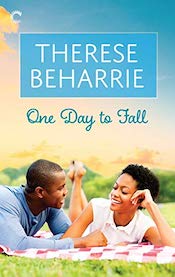
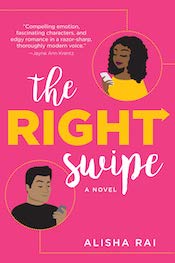
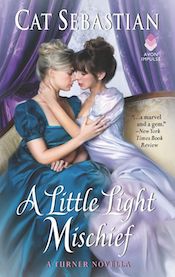
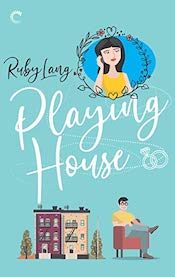
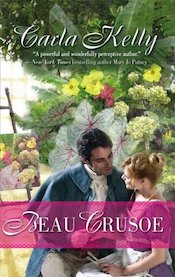
Read the full column »
September 2019: Opposites intract
Among romance readers, there is a strong belief that the main couple of a (non-poly) book must show balance.
This can mean the characters are parallel in some way: childhood sweethearts, second-chance romances, and friends-to-lovers tropes all start by establishing the characters as a pair. Two equivalent weights on the story-scales. A matched set, even before our couple have worked out the issues standing between them.
Other times, balance means means contrast. This is where a lot of your archetypes come in: the billionaire and the waif, the ray of sunshine and the grump, Beauty and the Beast, demigod paranormal hero and physically fragile mortal heroine with a reservoir of emotional resilience. Contrast is good because it generates conflict, and tension, and these are the engines that turn a mere series of events into a proper living story.
plus reviews of:
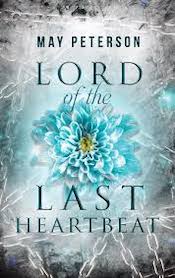
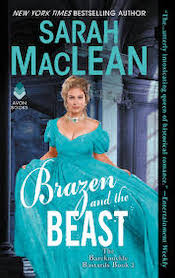

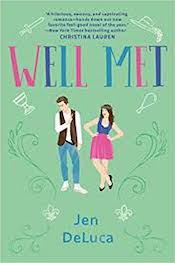

Read the full column »
October 2019: Monster mash
October is an ideal time to talk about monsters. Both the literal kind — Beauty and the Beast is one of the great narrative threads of the romance genre — and the more metaphorical kind. Romance has plenty of both. We have werewolves and bear-shifters and aliens and paranormal characters with terrifying abilities. And we have frighteningly powerful men: dukes and billionaires and SEALs and cops and warriors and spooky house owners who may have murdered their first wives (or just keep her imprisoned in the attic, pick your poison). Less commonly, but more interestingly, we have monstrous women: abusive mothers and unrelatable heroines, emotionally broken creature hunters and ice queens and traumatized women whose survival has turned them bitter or cold or suspicious.
It is impossible to add up every kind of monstrousness in romance and get a clean, unambiguous result about being a monster means. Every book that grapples with it reinvents the definition to some degree. You have to take it case by case: Are the monsters the heroes, or the villains, or is it a mix? (Paranormal worlds do a lot of the latter, as we’ll see in this month’s books). Watching who self-identifies as a monster can be instructive: plenty of villains do it, yes, but plenty of leads do it too only to be proven wrong and reclaim their humanity.
plus reviews of:
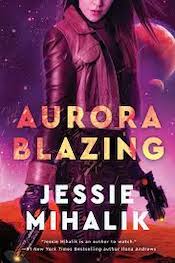
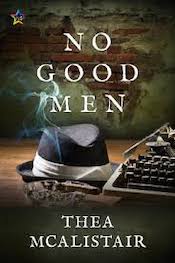
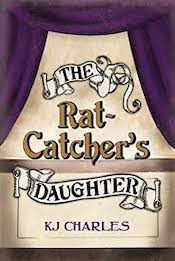
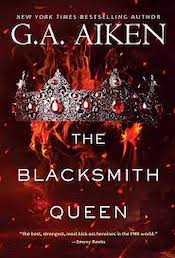
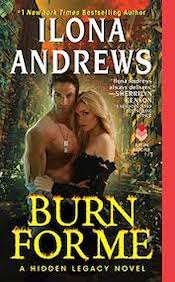
Read the full column »
November 2019: Le grande geste
Jane Austen’s most popular proto-romances are rather ambivalent when it comes to the grand gesture.
In Pride and Prejudice, Darcy of course tries to hide his generosity from the Bennet family: he swears Lydia to secrecy (as if that was ever going to work) and gets palpably awkward when Elizabeth dares to break silence and thank him for it.
In Persuasion , published posthumously, there is no final grand gesture at all — a single letter, secretly delivered, brings our characters into harmony with one another. An earlier version of the story saw Captain Wentworth being maneuvered into asking Anne Elliot about her assumed plans for matrimony — which has a little bit of the savor of the grand gesture’s public risk — but in the end Austen edited this out in favor of something much more intimate....
plus reviews of:
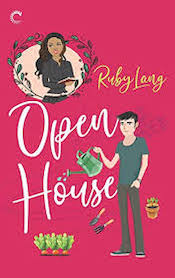
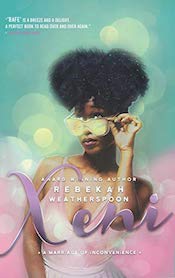
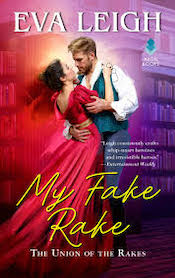
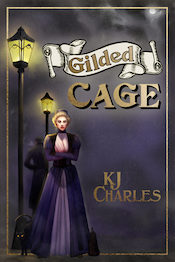
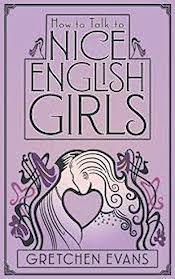
Read the full column »
Thursday Comics Hangover: The enthusiast
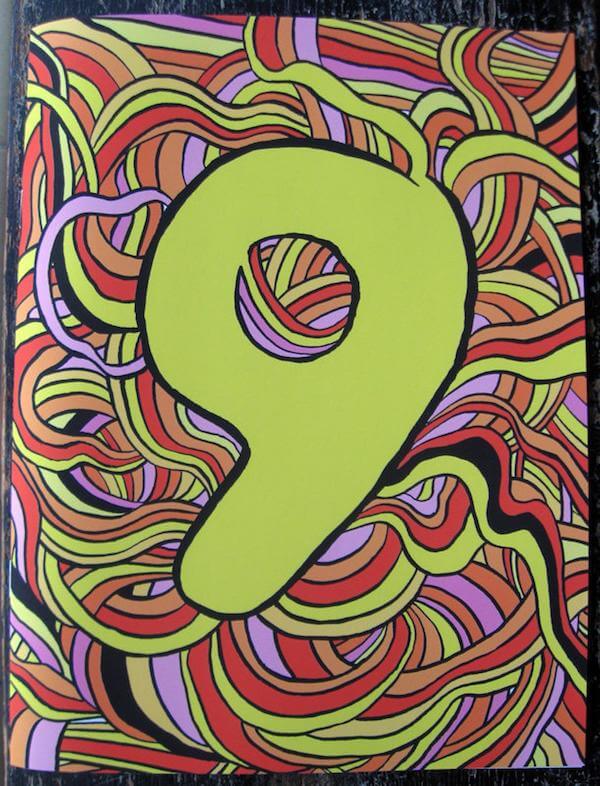
David Lasky has been making comics here in Seattle for decades. He's been the heart of the Seattle cartooning community through its many iterations: he always shows up, he's always quick with a supportive word, he's always eager to teach a class. And he's developed a deep institutional memory for Northwestern cartooning.
I don't mean to paint Lasky here as some kind of backward-facing comics version of Seattle historian Mossback. The best thing about David Lasky is that he's always intensely curious about the capability of comics: all the infinite ways you can convey information through a page of cartooning.
At this year's Short Run, Lasky debuted the ninth volume of his annual Manifesto Items series of books, which collects his short, generally page-long comics work. The works in the latest issue of Manifesto Items were created as part of his teaching curriculum and at the DUNE cartooning meet-ups over the last year. In other words, they were created in the spirit of experimentation. But the presentation of the book isn't half-assed, or photocopied together on the night before the show. This is a lavish, full-color presentation with all kinds of visual special effects.
"I feel that short comics can be every bit as good and as challenging as long ones," Lasky writes on the first page of Manifesto Items. And it's true: you might not find too much to love in a novelist's experiment in hyper-short fiction, but a deeply considered and elegantly constructed single page of comics can feel like a complete project.
One page of Manifesto Items tells a complete story about the changing of the seasons in six non-representational panels depicting abstract black outlines backed with bold oranges and blues. "Breathe in the coolness," one dusky blue panel reads, with a word balloon pointing off panel that says "AH!" Another panel which seems to show clouds at sunset urges the reader to "Smell the leaves as you walk." In less than 30 words, it's a tone poem that puts you directly into the experience of walking around Seattle on a crisp fall day just as it prepares to tip into a dreary winter.
Another page demonstrates how dots on a comics page could stand in for two fleas having a conversation, the eyes of a smiley face, or the focal points of a fleshed-out character who "could be the star of a best-selling graphic novel."
Lasky's at his best here as he teaches about the limitations and possibility of the comics mediums. He points out rarely used panel transitions. He composes a short essay on how panel shape is just as important to the rest of the story as character or plot of dialogue. He demonstrates how to tell a story using a simple nine-panel grid and a purply blue set of watercolors. His questing mind is breaking down comics to their most elemental bits and seeing how they work.
Lasky's agenda is pretty full these days. He's working on a long history of the Georgetown Steam Plant. But I hope he'll consider doing a slightly more process-oriented version of Scott McCloud's indispensable Understanding Comics, teaching these kinds of very specific lessons about what a standard comics page can and cannot do. Very few cartoonists are capable of Lasky's tendency to work at a very high level while still keeping an eye on the most basic components of how comics work. Lasky spends a lot of time teaching novices how to make comics, but the truth is that the whole industry could use a refresher course in the wonder of comics. No one is more suited to be our guide in that particular adventure than Lasky.
The economic crime that dare not speak its name
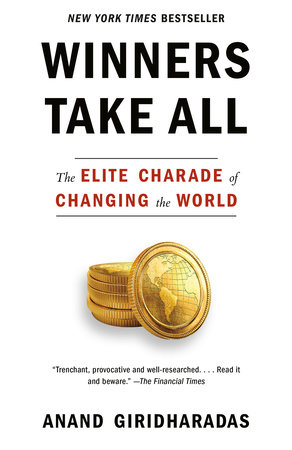
As someone pointed out last night, many of the books we've discussed in the Reading Through It Book Club can be assigned to one of two categories. One the one hand, there are the books that address American problems on a deeply personal level. Here, I'm thinking of books like Sarah Smarsh's Heartland and Amy Goldstein's Janesville. On the other hand, you have the books about systemic abuses that create the American problems. One example of those high-level looks at American injustice is Jane Meyer's Dark Money. And another is the book that we discussed at last night's meeting: Winners Take All: The Elite Charade of Changing the World by Anand Giridharadas.
One of the things that members of the book club most appreciated about Giridharadas's deeply reported look at economic inequality and the ways that wealthy elites disguise and explain away their power is the way that the author doesn't villify every one of his subjects. While Giridharadas does write about some real monsters in this book, he also allows for the fact that billionaires are entirely surrounded in feel-good bubbles, and that many of them genuinely have no idea that the good they do in the world is dwarfed by the harm that their wealth hoarding has done. He attacks "good" left-wingers with the same vitality that many economic writers reserve for only conservative subjects.
Giridharadas is a gifted journalist and a compelling writer who can bring a striking clarity to a complex issue. Phrases from the book effortlessly wound themselves directly into our conversation as a kind of shorthand — "win-win" showed up a lot, and a phrase like "elites" that is often interpreted to mean "people I don't like and want to frame as snooty" had a very direct and clear definition that we all understood.
Put simply, until Giridharadas came along, we simply didn't have the vocabulary to describe the particular kind of grift that America's wealthiest citizens are employing. There's something so insidious about the way that the wealthiest billionaires use charitable giving as a shield against all criticism that most of us haven't been able to identify the scam taking place in plain sight.
It's so rare to find a thinker who identifies something that has previously gone unnamed. The late comedian Harris Wittels really hit on a very specific and common situation when he coined the word "humblebrag," for instance. Giridharadas might not have given us a single word to describe the very particular abuse of power and wealth that he identifies in Winner Take All, but he has perfectly diagnosed the societal sickness behind our most pressing economic issues. But now that the words have been spoken, we can't help but notice this abuse of power wherever it happens.
Downtown Barnes & Noble to close January 18th
Over Thanksgiving weekend, shoppers at the downtown Barnes & Noble in the Pacific Place mall were greeted at the downstairs entrance with a large sign. "This Barnes & Noble is closing on Janauary 18th," the sign reads in large letters. Below that, it continues, "Thank you for your patronage over the past 22 years." The sign also directs shoppers to the chain's Northgate location and the Barnes & Noble website.
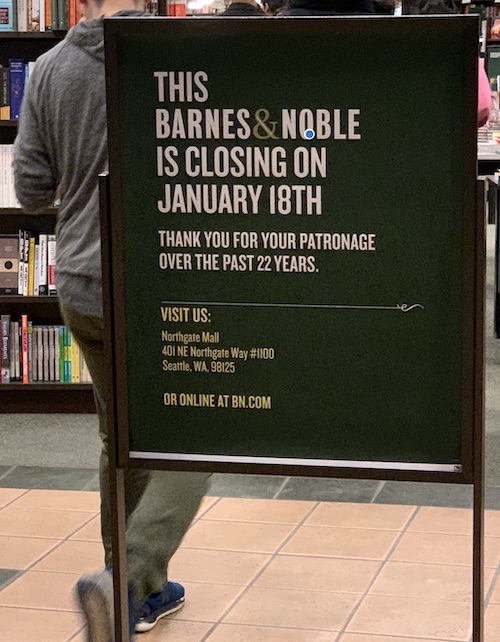
The announcement probably shouldn't come as a surprise. In addition to Barnes & Noble's well-documented corporate decline, the Pacific Place mall downtown has been suffering from closures, empty storefronts, and a massive remodel that has left the space virtually gutted for months. Combine that with a weak retail climate for brick-and-mortar stores, and the closure practically seems inevitable.
Still, this is a big moment in Seattle bookselling. When the downtown Barnes & Noble closes, there will officially be no bookstores in the downtown retail core. (The downtown Seattle flagship of Barnes & Noble's closest competitor, Borders Books and Music, closed when the chain went under in the summer of 2011.) While there are quite a few bookshops in surrounding neighborhoods like the Pike Place Market, Pioneer Square, Capitol Hill, and Queen Anne, this will be the first time in decades that shoppers won't be able to browse the stacks of a bookstore without leaving downtown Seattle.
This is not the only recent local closure for the flailing bookselling chain. In January of this year, the West Seattle Barnes & Noble closed, leaving no new bookstores in West Seattle for most of 2019. (Just a few months ago a beautiful independent bookshop called Paper Boat Booksellers opened on California Ave, filling the gap that Barnes & Noble left in the West Seattle bookselling scene.)
The Northgate Barnes & Noble listed on the sign as an alternate location for shoppers is going through its own retail apocalypse of sorts: the Northgate Mall has largely been sealed off from the public during a massive reconstruction project, with a half-empty food court at one end and a meager few shops at the other. Anchor stores like Nordstrom and J.C. Penney have abandoned Northgate, likely putting that Barnes & Noble's future in peril, too.
According to the chain bookseller's own website, there will be 10 Barnes & Noble stores within 50 miles of Seattle once the downtown location closes, including the Northgate store, the downtown Bellevue location, and a store near the Westfield Southcenter Mall.
Holiday recommends: Here's the book that Andrew Engelson would give to all of Seattle
We're asking people who made a splash in 2019 one question: If you could give everyone in Seattle one book as a gift this holiday season, what book would you choose and why? This week's gift-giver is Andrew Engelson, the editor-in-chief and founder of Cascadia Magazine. Next Tuesday at Vermillion, Engelson and Cascadia are hosting an all-star reading pairing four local authors (Anastacia-Renée, Kristen Millares Young, Ruth Joffre, and Shankar Narayan) with four local artists (Carol Rashawnna Williams, Sarah Samudre Salcedo, Monyee Chau, and our own Clare Johnson. Here's Engelson's pick:
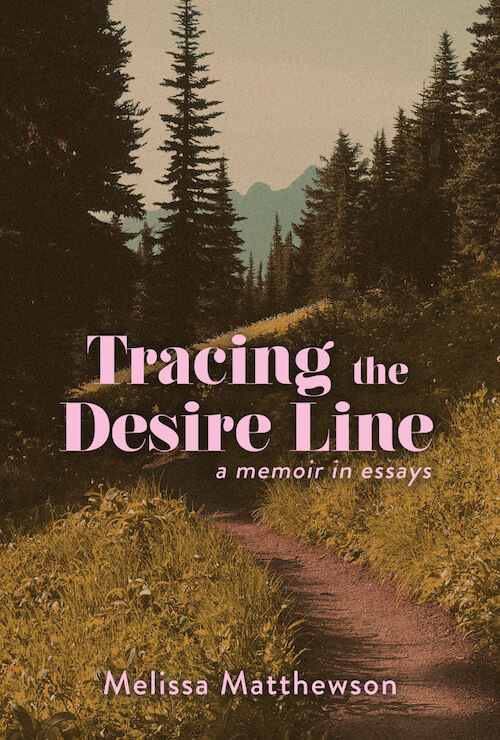
I'd give everyone Tracing the Desire Line by Melissa Matthewson (Split Lip Press). It's an absolutely gorgeous series of linked essays about giving in to the urge to stray in a long-term monogamous relationship. Matthewson lives on a farm on southern Oregon, and in addition to a sharp and honest dissection of her changing marriage, she weaves in observations of the flora and fauna bursting with life around her, glimpses of the small beauties that come with raising children. It's book very rooted in the Pacific Northwest both in its subject and sensibility, the sort of writing I've tried to publish at Cascadia.
Castaways on pig island
Published December 3, 2019, at 12:00pm
Johanna Stoberock just won the 2019 LaSalle Storyteller Award. Her latest novel uses metaphor the way some novelists rely on plot or character to keep readers turning pages.
Johanna Stoberock wins LaSalle Storyteller Award
Artist Trust has announced that Walla Walla author Johanna Stoberock is this year's recipient of the LaSalle Storyteller Award. The LaSalle Award, which gives $10,000 to a Washington state storyteller with no strings attached, is one of the most consequential awards in the region for writers. Past recipients include Anca Szilágyi and E. Lily Yu, both of whom have published mesmerizing works of fiction. Stoberock's most recent novel, Pigs, was published this fall by Red Hen Press. You'll be hearing more about that one on this site later today. Congratulations to Stoberock, and congratulations to Artist Trust for continuing to highlight some of the most interesting writers in Washington state.
When You Are Old and Full of Sleep
I will bring you an orange, fat and sharp,
and cloves in hot cross buns,
psalms from bushes holding their leaves
through winter.
I will bring you golden fish
in a bowl,
suns teetering the edge of oceans,
and my dress embroidered with lemon floss.
Stay on target

The past four years of the Seattle Review of Books have proved that people love advertising with us. Our sponsorship program is good for readers — we don’t block content or try to trick people into clicking on something they otherwise won’t — and good for people who have something to talk about.
Events, books, offerings — what does great in our program is things that readers love. We have some days left in December that would be a perfect testing ground for your upcoming campaigns. Take a chance on a week with us, and see how the most dedicated, engaged, and passionate book audience in the Pacific Northwest responds.
Check out the dates on our sponsor page, and make sure you grab one before they’re all gone.
Your Week in Readings: The best events from December 2nd - December 8th
Monday, December 2nd: Surviving the Peace Reading
Peter Lippman's Surviving the Peace is about the twenty years following the war in Bosnia. It's an account of what happens after war and after genocide, and how a region tries to come to terms with the unthinkable human cost. Elliott Bay Book Company, 1521 10th Ave, 624-6600, http://elliottbaybook.com, 7 pm, free.
Tuesday, December 3rd: Filipinx Lives
Two local Filipinx writers — Ricco Villanueva Siasoco, author of short story collection The Foley Artist and Angela Garbes, author of Like a Mother: A Feminist Journey Through the Science and Culture of Pregnancy — discuss culture and identity and creativity. Hugo House, 1634 11th Avenue, 322-7030, http://hugohouse.org, 7 pm, free.
Wednesday, December 4th: Seattle at 150 Reading
A panel of historians and city archivists discuss the new book Seattle at 150, which chronicles the history of Seattle through 150 totemic objects.
Seattle Public Library, 1000 4th Ave., 386-4636, http://spl.org, 7 pm, free.
Thursday, December 5th: Turn Around Time Reading
David Guterson's latest is a collection of poems about the pleasures and peculiarities of hiking in the Northwest woods. I enjoyed it! Third Place Books Lake Forest Park, 17171 Bothell Way NE, 366-3333, http://thirdplacebooks.com, 7 pm, free.
Friday, December 6th: The Lines That Make Us and Seattle Walk Report Reading
See our Event of the Week column for more details.
Nathan Vass, The Lines That Make Us. Susanna Ryan, Seattle Walk Report Third Place Books Lake Forest Park, 17171 Bothell Way NE, 366-3333, http://thirdplacebooks.com, 6 pm, free.
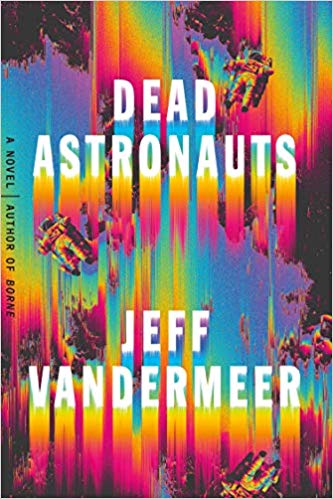
Alternate Friday, December 6th: Dead Astronauts Reading
Sci-fi maestro Jeff VanderMeer brings his latest novel, Dead Astronauts, to Seattle with a rare visit. I'll be interviewing him onstage, and he'll be reading and taking questions from the audience. Elliott Bay Book Company, 1521 10th Ave, 624-6600, http://elliottbaybook.com, 7 pm, free.
Saturday, December 7th: WTO 20th Anniversary
The Washington Fair Trade Coalition hosts a retrospective on this, the 20th anniversary of the WTO protests. Topics for discussion include how "trade policy affects labor rights, environmental protections, public health, immigration, food security, indigenous sovereignty, people-powered movements, data and e-commerce, and militarism." Later in the evening, Lori Wallach and Joseph Stiglitz will speak. Town Hall Seattle, 1119 8th Ave., 652-4255, http://townhallseattle.org, 3:30 pm, $20.
Sunday, December 8th: Writers in the Schools Annual Group Reading
This year's Youth Poet Laureate cohort will read, including our Youth Poet Laureate, Wei-Wei Lee. I attended the Youth Poet Laureate reading at Lit Crawl, and it was a lively and entertaining reading by some very promising young poets. Elliott Bay Book Company, 1521 10th Ave, 624-6600, http://elliottbaybook.com, 3 pm, free.
Literary Event of the Week: Susanna Ryan and Nathan Vass in conversation
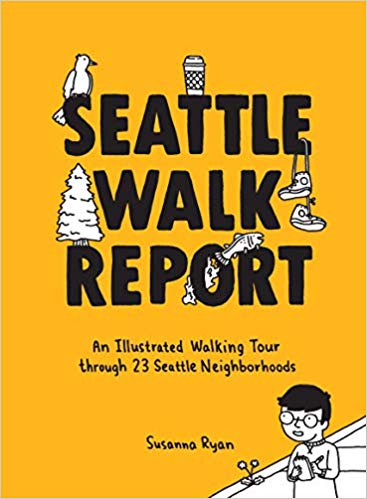
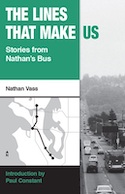
I hate to drive. I hate cars in general. Driving makes me anxious and angry and dumb. I prefer to get around Seattle by walking or taking transit.
Seattle is better on foot. When you're moving slower, you can appreciate the subtle ways that neighborhoods gradually change and morph, one into the other. You can see the detail that goes into the older buildings. You can find the amazing network of pedestrian paths that web outward from the city to Everett and Auburn and Redmond. You can really see where you live.
And on transit, you develop an understanding of who you're sharing your city with. You get to see your neighbors, understand how they live their lives, eavesdrop on which books they're reading. Taking transit makes me feel more connected to humanity. We're all going somewhere, and the vast majority of us are good and decent people who'll give up a seat for others who need it.
This Friday at Third Place Books Lake Forest Park, two local authors who exemplify the two best ways to get around town are going to be in conversation. Nathan Vass, the Seattle bus driver who wrote the excellent essay collection The Lines That Make Us, will be in conversation with cartoonist and local historian Susanna Ryan, author of the comic collection Seattle Walk Report.
I loved both these books. Vass's impeccably designed volume — it looks like a bus schedule — collects slice-of-life stories, observations about the changing city, and deeper thoughts about humanity and art. Ryan's comics are funny and enthusiastic peeks into the overlooked treasures of Seattle daily life: the finer details of civic infrastructure, the bizarre things people leave behind on the street, the history that we walk by every day.
Putting these two authors together is completely inspired. They're both young, optimistic, earnest observers of everyday life. This should be a conversation that every Seattleite would find to be inspiring — no matter how they get around. Third Place Books Lake Forest Park, 17171 Bothell Way NE, 366-3333, http://thirdplacebooks.com, 6 pm, free.
The Sunday Post for December 1, 2019
Each week, the Sunday Post highlights just a few things we loved reading and want to share with you. Settle in with a cup of coffee, or tea, if that's your pleasure — we saved you a seat! Read an essay or an article online that you loved? Let us know at submissions@seattlereviewofbooks.com. Need more browse? You can also look through the archives.
This is a season of longing. It may be a sweet, shivery longing, if there's a hope of getting what you want. Or spare and aching longing if outcomes are uncertain, the feeling you get from the warm light of a stranger's closed-tight window. Either way, it's more powerful than the small, excitable yearnings of greener seasons. It builds on decades (assuming some advancement of age) of palimpsested holiday expectations.
At worst, at this time of year, the entire world is a stranger's closed-tight window — because the big longing of the holiday season is for home. Home, however you define it: a person, or many; a place; a gathering. Or: an end to wandering, an end to wondering. Home as the place where, when you are there, you know it's where you should be.
That's the sharp tip of the knife, isn't it? This is the time of year when you're supposed to know where you belong, which almost no one does for more than half a heartbeat.
Ten of my recommendations for good writing habits
Writing can be a kind of argument with longing — a way of articulating a belonging (not accepting, let's not get crazy) relationship to the world. Lydia Davis's advice on taking notes speaks to this: observe, she says, express. Learn to see how the world belongs to itself. Learn to tolerate the longing that comes from being in the world.
I do a lot of writing and note-taking on trips: in airports, on airplanes, on trains. I recommend taking public transportation whenever possible. There are many good reasons to do this (one’s carbon footprint, safety, productive use of time, support of public transportation, etc.), but for a writer, here are two in particular: 1) you will write a good deal more waiting for a bus or sitting on a train than you will driving a car, or as a passenger in a car; and (2) you will be thrown in with strangers — people not of your choosing. Although I pass strangers when I’m walking on a city street, it is only while traveling on public transportation that I sit thigh to thigh with them on a subway, stare at the back of their heads waiting in line, and overhear sometimes extended conversations. It takes me out of my own limited, chosen world.
The homeownership obsession
Homeownership! One of the most expensive ways to (try to) satisfy the longing for home. Homebuyers imagine a house as the setting for all sorts of belonging: social, economic, familial. Katy Kelleher tracks the political and social changes that are packed into that myth. And note: as an experiment in belonging, if homeownership fails, it can be awfully hard to shake loose.
There are two different tales we tell ourselves about houses. The primary story is not about ghosts or demons or red rooms or ghouls, but rather about bright futures, long lives, children, grandchildren, and hard-earned success. The second story, the darker story, is about the horror of being trapped.
What's wrong with me?
Chronic illness is a deep kind of unbelonging, an unsettling from the self. Meghan O'Rourke documents all the forms of longing that come with an autoimmune disorder: for company, for certainty, for the lost state of good health.
As my flare subsided, I kept up with the dry brushing. The metered portions of non-dairy kefir. The flax seeds and the cinnamon. The monitoring of my lab results. Then, as I was staring at my array of brown pill bottles one spring morning, fretting about having run out of one of my supplements, a flicker of rebellion stirred in me. I wasn’t nuts—I had improved on the new regimen. But I had become trapped in my identity as a “sick person,” someone afraid of living. If my mission in life had been reduced to being well at all costs, then the illness had won.
Whatcha Reading, Peter Lippman?
Every week we ask an interesting figure what they're digging into. Have ideas who we should reach out to? Let it fly: info@seattlereviewofbooks.com. Want to read more? Check out the archives.
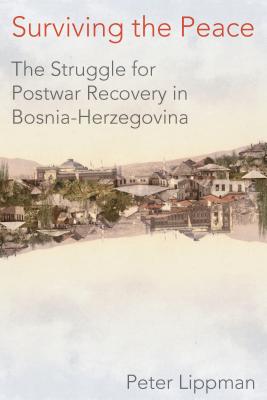
Peter Lippman, a Seattle native, is a life-long human rights activist and journalist. He's written for the Christian Science Monitor, The Progressive, and The Seattle Times, among others, mostly on the topic of Bosnia-Herzogovina, and the surrounding region. His book Surviving the Peace: The Struggle for Postwar Recovery in Bosnia-Herzegovina was just released by the Vanderbilt University Press. Lippman will be discussing the book next Tuesday, December 2nd, at the Elliott Bay Book Company, starting at 7:00pm.
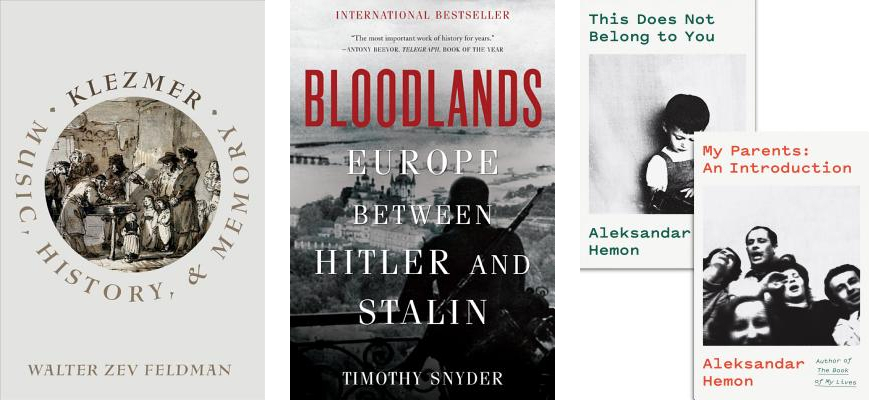
What are you reading now?
Klezmer: Music, History, and Memory, by Walter Zev Feldman.
What did you read last?
Bloodlands: Europe between Hitler and Stalin, by Timothy Snyder.
What are you reading next?
My Parents, an Introduction / This Does Not Belong to You, by Aleksandar Hemon.
The Help Desk: White whine
Every Friday, Cienna Madrid offers solutions to life’s most vexing literary problems. Do you need a book recommendation to send your worst cousin on her birthday? Is it okay to read erotica on public transit? Cienna can help. Send your questions to advice@seattlereviewofbooks.com. Cienna is doing terrible things to a turkey right now, so we're happy to re-present this column from three years ago.
Dear Cienna,
I know we have to be very careful these days. I mean, political correctness or whatever you want to call it. But, just because you like books by the Marquis de Sade doesn’t mean you want to do the things inside, right?
Just because you like a white male writer doesn’t make you bad, right? What about us who just want to read whatever the fuck we want and don’t want to have to freaking justify it to everybody?
Bellevue Man
Dear Bellevue Man,
I doubt anyone is arguing that you should disavow all white male writers, as they’re ubiquitous. You might as well proclaim that you don’t like your beaches sandy. But a lot of people agree that white male authors have historically received, and continue to receive, a level of reverence, attention, and clout simply because of their race and gender, and maybe we should make an effort to find some new voices. Nevertheless, I am sorry to hear you’re feeling oppressed by the literati. It’s hard to feel unfairly judged for something you can’t help, like your ethnicity, gender, or preference for books authored by white men. What you need to do is find a group of like-minded peers with whom you can share your burden. I would suggest you drop in on a support group – like those offered by Seattle Counseling Services – but I suspect your kind would not be welcome there. Instead, head down to the Hard Rock Cafe with a copy of Charles Bukowski’s Love is a Dog From Hell (or anything by Hunter S. Thompson) and belly up to the bar. Order one of Marshawn Lynch’s favorite drinks – Skittles Sangria or a Patronessy – and wait for another white man to sidle up and compliment your taste in literature and hip appropriation of black culture. I suspect that after a few weeks of this routine, you will have amassed your own fawning book club. No longer will you and your brethren have to stand in the shadows like the millions of other white men who like to read works by millions of still other white men. Finally, you too shall be free.
Kisses,
Cienna
Thanksgiving, from our tables to yours
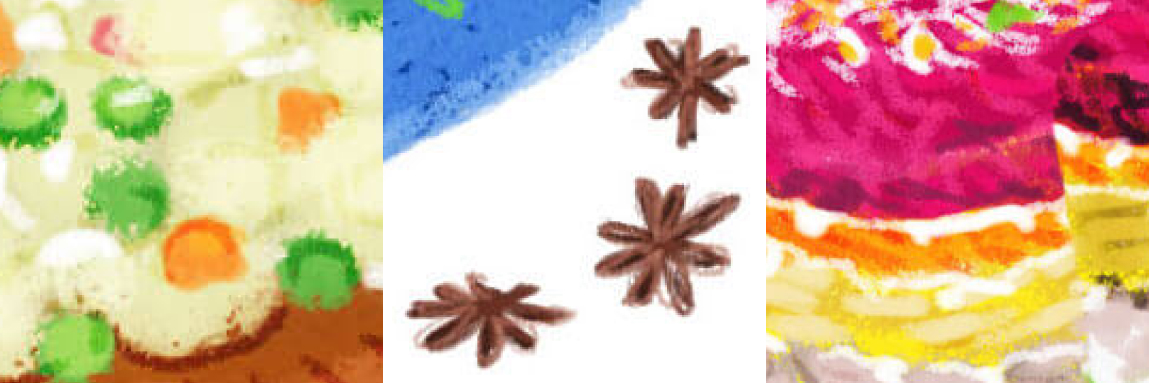
It can be hard to think of things to be thankful for when all we hear about is the dying planet and the latest scandal embroiling our government. As immigrants (Julie was born in Beijing, China and Mariya in Tomsk, Russia), it's been especially tough to listen to detractors dismiss the accounts of dedicated first-generation and second-generation American public servants on the basis they were not "American enough." Nevertheless, this year, this year, we're thankful for our families and the ways we carve out places for our cultures to exist while celebrating the original immigrant holiday — Thanksgiving.
Each year, we braid together our old food traditions with new American ones and make them our own. We can take the elements we like about Thanksgiving (family, friends, the time to appreciate what we already have) and try to push back against the rest (colonialism, erasure of Native American lives and rights, and an ahistorical understanding of the holiday). From our Thanksgiving tables to yours: a few recipes our families make, to inspire you for a future Turkey Day when you’re finally tired of turkey or mashed potatoes!
Julie: A Chinese-American Thanksgiving in Texas
Each time I return to Dallas for Thanksgiving the highlight is the potluck. My family and the families of about seven of our friends (a homegrown surrogate extended family) gather in one house, and every family brings a few dishes. The ideal ratio of dishes and people is about 1:1.25, which makes for a jaw-dropping buffet. Someone will bring fish, which symbolizes abundance. There will invariably be some Chinese takeout classics like barbecue pork and drunken chicken. There’s always a fabulous array of vegetable dishes - stir-fried lotus root, chive dumplings, about five variations of tofu product (silken, firm, dried, fermented, just the papery skins knotted and braised, or stuffed then fried, or fried then stuffed), lots of garlicky greens. Dessert is usually store-bought pecan pie, homemade cakes, and sweet soups with red bean and sticky mochi or tapioca and coconut milk. One of the grown children, finally home but unfortunately politically corrupted by some liberal coastal city, might be volunteered to bring mashed potatoes for “American Dream” optics, even though it’s always left over. One family will be assigned to roast the turkey, but will rarely consider the gravy – the only reason to have turkey at all.
When turkey is optioned amidst such a feast, it makes for an utterly disappointing centerpiece. Its only redeeming factor is its silhouette. The breast is so stubbornly dry that you have to pull it out of the oven every thirty minutes to reintroduce it to its own fat. And it’s so comically heavy that when you take the carcass out, you’re simultaneously at risk of spraining your back, spilling hot drippings over your wrists, and dropping it before you get it to the counter. At that point, I’m always reminded that it’s just a dinosaur that has outlived its heydey. A manufactured nineteenth-century tradition monopolizing our tables, when tastier fowl were likely also present at the table in 1621.
Roast chicken is crispy, goose is rich, but the best is duck. It’s just big enough to feed a crowd without being unwieldy, and fatty enough to stay moist. Here’s my mother’s recipe for a jasmine tea smoked duck that she sometimes brings to the yearly potluck, if she’s feeling ambitious. The fat from the duck drips into the tea leaves and spices, and the whole bird comes out burnished and perfumed. It is complicatedly impressive, a true celebration dish. Like all Chinese recipes, it has next to no measurements. Apologies in advance, but I could not get more precise approximations out of my mom: “They’re just going to have to try it a couple times if they want to get it right,” she said.
Of course.
Recipe: Jasmine tea smoked duck
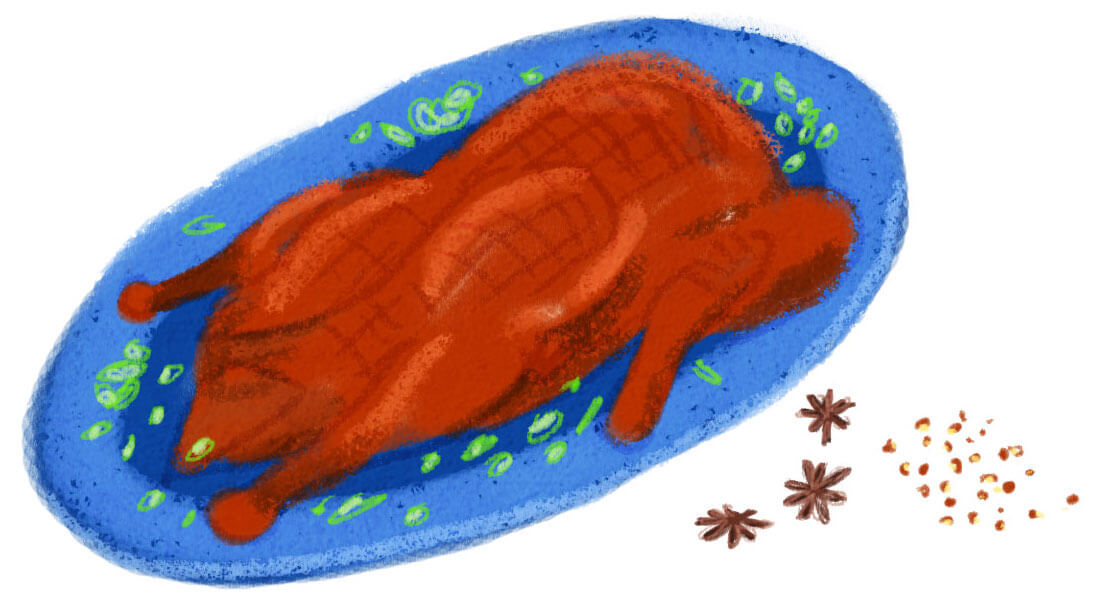
Ingredients:
- One whole roasting duck
- Salt
- Whole Szechuan peppercorns
- Rice, ground into a fine powder
- Loose-leaf jasmine tea (a cheap one!)
- Plain flour
- Brown sugar
- Two bay leaves
- One teaspoon whole cloves
- One dried tangerine peel or fresh peels from 5 clementines
- Two star anise
- Two dry red chili peppers (optional, should you want some heat)
- Honey for glazing
Step 1. Pat the duck dry and set aside. Combine 3 parts salt and 1 part whole Szechuan peppercorns in a dry pan, and toast until the salt is light brown, stirring frequently. The peppercorns will become fragrant. Take it off the heat to cool. Once cool, grind the salt and peppercorn mixture until peppercorns are finely ground and evenly distributed through the salt. Rub the mixture all over the duck, as well as inside the carcass. Place the duck in a container large enough to hold the duck and cover. Refrigerate overnight.
Step 2. The next day, preheat your oven to 400º Fahrenheit. Line a roasting tray with aluminum foil and oil a rack that fits into the tray. In the bottom of the roasting tray add equal parts ground rice, flour, jasmine tea leaves, and brown sugar. There should be enough to coat the bottom of the pan about half an inch. Add the spices and mix to combine. Put the oiled rack over the spiced rice and tea mixture. Place the dry-brined duck on the rack - the bottom of the duck should not touch the rice.
Step 3. Make a foil tent over the duck to form a smoking chamber. You’ll need a large piece of continuous foil that’s big enough to tent over the roasting tray so no air escapes. If you don’t have a large enough piece, fold the edges of multiple sheets together tightly to form a larger sheet. Tent the foil over the baking tray. Make sure that there’s plenty of room in the tent; there should be space between the foil and the duck. Then press the foil around the edge of the roasting tray and seal tightly.
Step 4. Roast for 3 hours, but adjust based on how hot your oven runs. Once cooked, take the bird out, remove the smoking tent, brush honey over duck and broil on high for 3-5 minutes to crisp the skin. Let the duck rest for 15 minutes before carving.
Mariya: A Russian-American Thanksgiving in the PNW
1
Every year, my family hosts Thanksgiving for a large group of friends — mostly Russian immigrants like us. The table heaves with main dishes and side dishes because we've gone with the strategy of making two full meals and jamming them together instead of Americanizing Russian dishes or Russifying American ones. Russian winter salads and all manner of open-faced toasts mingle with turkey, stuffing, and mashed potatoes.
I've always been the most aesthetically interested in Shuba salad, a root vegetable and pickled fish bonanza with rainbow layers. It's a traditional New Year's dish in Russia and other former Soviet states, and holiday tables don't look correct without it to me. Shuba is a perfect marriage: so cheerful and fanciful with its vibrant colors, but so practical, filling, and creamy in a long, cold winter with its reliance on root vegetables and mayo. There's discomfort and anxiety in feeling different, so this was not a dish I invited my friends to try growing up, but I'm coming around to it. It reminds me a little of Rachel's trifle in Friends. Potatoes…good. Beets…good. Herring…good? Mayo-based dishes can be a little controversial, but the older I get, the more I want to eat them.
It was my job to peel the vegetables, the large, colorful shapes of the cooked potatoes, beets, carrots, and eggs cooling together on a plate, ready to be turned into color-coordinated piles of Lego-sized pieces and then layered. For the pièce de résistance, the magenta of the beets blends with the white mayo to create thea pink fluffy blanket on top that is this salad’s namesake (shuba means “fur coat”).
Recipe 1: Shuba Salad
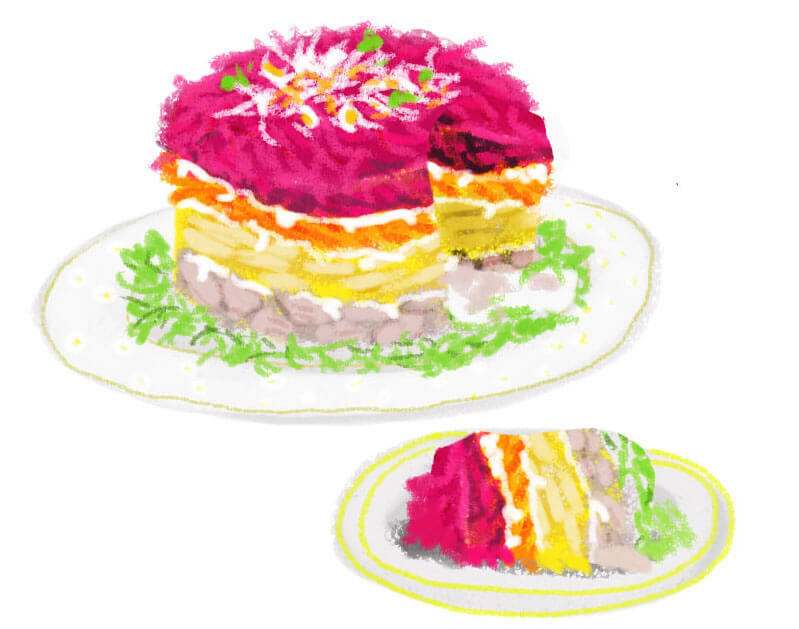
Ingredients:
- 4 fillets pickled herring
- 1 onion
- 3 medium beets
- 3 large potatoes
- 2 carrots
- 2 eggs
- 1 cup mayonnaise
- Salt
Step 1: Boil the potatoes, carrots, beets, and eggs in a large pot until fully cooked and easily pierced with a knife. Remember that the eggs and carrots will take less time to cook than the potatoes and beets.
Step 2: Grate the potatoes, carrots, eggs, and raw onion into separate piles using a box grater. Dice the herring into small pieces.
Step 3: Layer the ingredients in a serving dish to create the salad, starting with a layer of herring, followed by a layer of onion, then a layer of potato, a layer of mayonnaise, a layer of eggs, and a layer of carrots.
Step 4: The final layer is made of beets with a coating of mayonnaise on top to create a vibrant pink color.
(Adapted from: Dressed Herring )
2
Another staple of Russian New Year's meals, Olivier salad features perfect cubes of multicolored vegetables in a mayonnaise dressing. Bright color is a theme here, as is mayo. Essentially this is a potato salad, but in my mind's categories it lives so far away from summer 4th of July potato salad that I was surprised when I saw it being referred to as such in a recipe online. This dish is simply called Russian Salad in some places (I saw it on a few restaurant menus in France as "salade russe"), so its PR campaign as a Russian staple has been strong.
Recipe 2: Olivier Salad
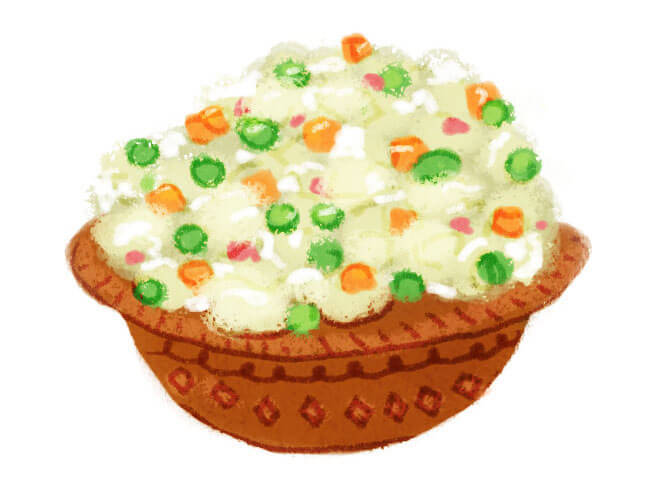
Ingredients:
- 5 medium potatoes
- 4 or 5 hot dogs or diced ham
- 5 pickles
- 2 carrots
- 1 can of peas
- 4 eggs
- 1 onion
- Mayonnaise to taste (3/4 cup?)
- Salt
Step 1: Boil potatoes and carrots until fully cooked and easily pierced with a knife. Hardboil the eggs and simmer hot dogs until fully cooked.
Step 2: After the vegetables and eggs have cooled to room temperature, peel them.
Step 3: Dice the potatoes, carrots, eggs, hot dogs, pickles, and raw onion into equal cubes.
Step 4: Gently stir together with the mayo, salt, and canned peas.
Despite the reservations some people (rightly) have about the history of Thanksgiving and what it represents, an encouraging thread of hope stands out in the narrative: Thanksgiving was a gathering of immigrants. Just as our parents over the years have resorted to readily available grocery store substitutes for what would have been staples in China or Russia, the Pilgrims tried their best to recreate a familiar feast to celebrate a long-awaited harvest.
Now centuries later, when the holiday food has become steeped in tradition and recycled year after year, we forget how alien the first Thanksgiving must have felt to the Plymouth settlers. With none of the basic English staples of beer, bread, or butter, the recently-arrived Europeans sat down gratefully to plates full of unfamiliar ingredients like squash, pumpkins, corn, wild berries, and lobster. It was as much a meal to toast a new beginning in a new land as it was to reminisce at year’s end.
So with that, we hope you’ll bring back some of this original wonder to your Thanksgiving tables with some new foods, be it pickled herring in a fluorescent salad or smoked tea under any other bird but a turkey. It’s probably too late this year, but the good thing about Thanksgiving is that it comes back around every twelve months. Otherwise, these recipes are equally good for the rest of the holiday season, the new year, or your next dinner party.
Mail Call for November 27, 2019
The Seattle Review of Books is currently accepting pitches for reviews. We’d love to hear from you — maybe on one of the books shown here, or another book you’re passionate about. Wondering what and how? Here’s what we’re looking for and how to pitch us.
Holiday recommends: Here's the book that Susanna Ryan would give to all of Seattle
We're asking people who made a splash in 2019 one question: If you could give everyone in Seattle one book as a gift this holiday season, what book would you choose and why? Our first recommender is Susanna Ryan, the cartooning sensation behind the always-delightful Seattle Walk Report Instagram feed. Ryan's fantastic first book, Seattle Walk Report, is available at fine independent bookstores everywhere, and if you're looking for a signed copy to give your favorite Seattleite this holiday, she will appear in conversation with local author/bus driver Nathan Vass at Third Place Books Lake Forest Park on Friday, December 6th. Here's Ryan's holiday gift selection:
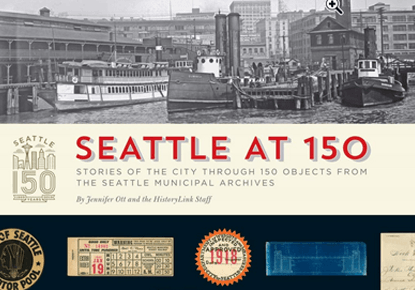
Recommending a history book as a holiday gift for every single person in Seattle feels a bit like handing out toothbrushes on Halloween, but I think all Seattleites have something to gain from reading Seattle at 150: Stories of the City through 150 Objects, an approachable, well-curated book that uses documents, photos, and ephemera from the Seattle Municipal Archives to shine a light on decisions that have shaped the city since its incorporation in 1869. Pairing interesting finds from the Archives with short, thoughtful paragraphs about their significance, this book manages to be both an engaging entry point for folks new to exploring Seattle's history and a delightful read for even the most devoted local history nerds. If we want a vibrant "Seattle at 300" in 2169, I believe that having a citizenry with an understanding of where we've been is essential. Give the gift of perspective with this satisfying book!
The facing page
Published November 26, 2019, at 12:00pm
Cultures converse in an anthology that combines Northwest poetry with a neo-baroque movement from Latin America.
Hymnal
Light, the broken order;
Hate, the ancient wheel;
Death, the open water;
Birth, the shepherd’s seal;
Sleep, the augur’s gamble;
Love, the upturned nail;
Joy, the ringing anvil;
Lust, the tattered sail.
Pain, my master’s reason;
Age, the prophet’s dance;
Youth, the fickle season;
Faith, my lover’s hands.
Please consider giving to Northwest Harvest

We've donated our sponsorship this week to Northwest Harvest. Since 1967, Northwest Harvest has been doing the important work of providing food and resources to those who are hungry and in need across the Northwest.
If you are able to, please give to Northwest Harvest, and support their important vision of ending hunger in Washington State.
Your Week in Readings: The best literary events from November 25th - December 1st
Monday, November 25th Bruce Springsteen: Rock and Roll Future Reading
Photographer Barry Schneier famously captured a Boston Bruce Springsteen concert from May 9, 1974 that helped launch the singer's career. Bruce Springsteen: Rock and Roll Future collects many of Schneier’s photographs. Elliott Bay Book Company, 1521 10th Ave, 624-6600, http://elliottbaybook.com, 7 pm, free.
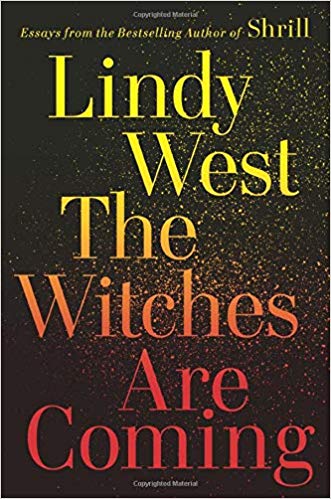
Tuesday, November 26th: The Witches Are Coming Reading
Seattle's own Lindy West has published her latest collection of essays, about feminism, the internet, Donald fucking Trump, trolls, and popular culture. It's just as funny, as smart, and insightful as you've come to expect from Lindy. (Full disclosure: I worked with Lindy and she's my friend. But this is indisputably the hottest ticket in town.)
Town Hall Seattle, 1119 8th Ave., 652-4255, http://townhallseattle.org, 7:30 pm, $20-80.
Wednesday, November 27th: Hangdog Days Reading
Jeff Smoot is a mountain climber. His book Hangdog Days documents the 1970s, which was a revolutionary time for mountain climbing. The book is a 2019 Banff Mountain Book Competition Category Finalist in Mountain Literature. Good Shepherd Center, 4649 Sunnyside Ave N, 547-8127, free.
Saturday, November 30th: Indies First
See our Event of the Week Column for more details. https://www.seattlebookstoreday.com/Sunday, December 1st: Beyond the Valley Reading
Ramesh Srinivasan's new book "describes the internet as both an enabler of frictionless efficiency and a dirty tangle of politics, economics, and other inefficient, inharmonious human activities." He profiles the people who have both made the internet into the necessary cesspool it is today and the people who are fighting to make the internet better. Elliott Bay Book Company, 1521 10th Ave, 624-6600, http://elliottbaybook.com, 3 pm, free.
Literary Event of the Week: Indies First
One day after the horror that is Black Friday, local bookstores are celebrating Small Business Saturday with a celebration called Indies First. Its a reminder that your independent bookstores are ready and waiting to help you find the perfect holiday gifts.
I urge you to do your shopping at independent bookstores this year. Don't do it because they're amazing local institutions — though they are. And don't do it because they're better for the local community than online retailers — though they are that, too. Do that because they're the best shopping experience, and they'll help you find the book that's just right for you.
I know I’m biased, because I come from a bookselling background, but I think a good independent bookstore is one of the most compelling reasons to live in a city. You can tell the quality of a city by its independent bookstore scene.
I don’t need to tell you, a reader of the Seattle Review of Books, all this. But you might need a reminder that if you love a bookstore, the best way to demonstrate your love is by buying stuff there — especially during the holidays.
You could do worse in life than to be known as the person who always gives books for gifts. In fact, I’d argue that books are the perfect gift: they’re personal and the receiver thinks of the giver the whole time they’re reading the book.
When you give the gift of books you bought at an independent bookstore, you’re really giving two gifts at once. You’re giving the book, of course, but you’re also investing in a local institution and improving the quality of life in the city you love. I don’t know about you, but that’s all I want for the holidays.
Find the independent bookstore nearest you: https://www.seattlebookstoreday.com/
The Sunday Post for November 24, 2019
Each week, the Sunday Post highlights just a few things we loved reading and want to share with you. Settle in with a cup of coffee, or tea, if that's your pleasure — we saved you a seat! Read an essay or an article online that you loved? Let us know at submissions@seattlereviewofbooks.com. Need more browse? You can also look through the archives.
When the tea reaches its boiling point in fiction, so too may the story
Let's start out with a steaming mug of tea. Refreshing on a hot day or comforting in the dull Seattle winter, tea can be as versatile in literature as it is in real life, and writers from Proust to J. K. Rowling use it to create atmosphere and develop characters. In this piece, journalist Nina Martyris catalogues a few of the ways writers like Dostoevsky use tea anecdotes to convey emotion and drive their plots forward. I can never get enough tea content, so I was riveted.
Hot tea — it has to be unhealthily hot — has a deep emotional relationship with the drinker. Its dimensions encompass far more than the gustatory, starting with its magical ability to get chronic malingerers out of bed every morning. That first chastising sip constitutes a tiny tour de force of hope that, like a tingling hot bath, cauterizes other pains.
What tweets and emojis did to the novel
If our attention spans are worse now than ever before, why was there so much love and media frenzy for Elena Ferrante's Neapolitan series and Karl Ove Knausgard's My Struggle? Both are long, sprawling, and detailed, basically the opposite of a tweet. Looking back on the last few decades of literature, Charles Finch argues that it's how these books contrast with the bite-sized media and rapid news cycle we've grown used to that makes them so appealing. Ferrante and Knausgard zoom in on the interiority of one human life, and we can't stop reading because we're starved for autofiction that lets us explore another’s consciousness for longer than the length of a blog post.
I don't know if I agree with his conclusion that modern media has made space for works like these, but I do know that I was so immersed in Ferrante's novels that I couldn't think about anything else when I was reading them.
...what makes autofiction seem essential is that enough people felt an attraction to its length, gravity and honesty to make it, implausibly, into a phenomenon. That must mean something. But what? Perhaps the explanation lies in how starkly whole Knausgaard’s and Ferrante’s books appear to be. The lives we lead on our phones and computers are at once irresistible and uneasy — jittery, depressive, deceptive. As our social lives, typically the dominion of the novel, have partly mutated into a flow of adjacent but isolated images and captions, autofiction’s careful human pace is a protest that no matter how it may seem, we still haven’t quite merged with our computers. Not yet.
What newspapers can teach us about web design
The idea of "above the fold," grid systems, and nameplates/headers are just a few concepts web design lifted from newspapers — the original websites. Here, Frederick O’Brien explores what we can learn from centuries of newspapers to understand and improve web design. The two types of media share simple but hard-to-execute goals: grab attention, convey important information efficiently, and keep users coming back. In addition to being able to build on newspaper design principles, websites have the advantage of more specific user data and the ability to make changes quickly. This piece sent me off on a tangent — exploring the latest Society of News Design's Best News Design award winners — which was fun.
When you dig into the basic principles of news design, overlaps with the web are frequent and oftentimes indistinguishable. Many web design best practices can be traced directly back to news design. When it comes down to it, websites are made for users to engage with, and hopefully return to. Newspapers have been playing that game for centuries, and winning.
As one, the internet lets off steam about meandering, detail-obsessed authors
And finally, catharsis for anyone who's ever felt personally victimized by Herman Melville's long-winded descriptions of whale anatomy: a Twitter thread calling out detail-oriented authors who can't stop droning on and on about their pet subjects. For Hugo, it's the Paris sewer system; for Tolstoy, it's farming. Was your fave spared?
Victor Hugo describing the Paris sewer system pic.twitter.com/oTVsWRmWAn
— SparkNotes (@SparkNotes) November 11, 2019
Whatcha Reading, Mariya Bashkatova?
Every week we ask an interesting figure what they're digging into. Have ideas who we should reach out to? Let it fly: info@seattlereviewofbooks.com. Want to read more? Check out the archives.
Mariya Bashkatova studied comparative literature and cognitive science in college and now works as a product manager. She's fairly new in Seattle and is still trying to decide on her favorite bookstore in the city. (Suggestions are welcome!) She's interested in translation and languages and is currently trying to learn Spanish using Duolingo based on the false premise that it should be easy because it's basically the same as French. She's also helping us out as an editor, so you'll be seeing her name around the site going forward. Welcome, and thanks, Mariya!
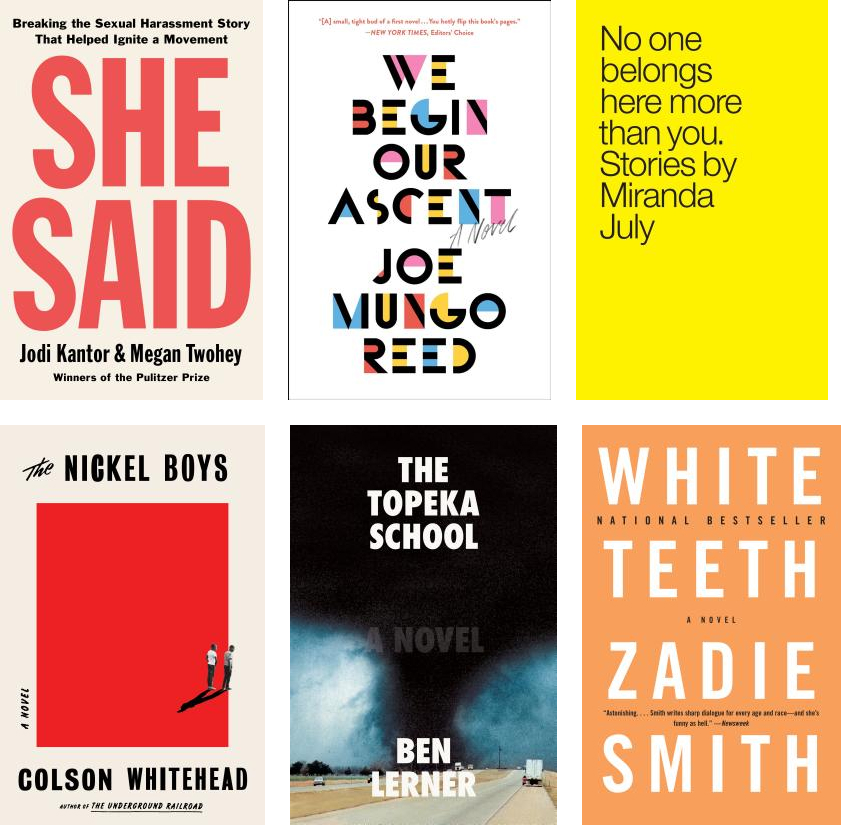
What are you reading now?
I usually read one book at a time. Right now, I'm reading She Said by Jodi Kantor and Megan Twohey, the two New York Times reporters who broke the Harvey Weinstein story. It's fascinating to follow the steps of their journalistic process and learn about the details of the investigation. It's also nausea inducing to read the specifics of Weinstein's abuse of women and reckon with how wide-ranging and thorough the cover-up was.
What did you read last?
I just finished We Begin our Ascent by Joe Mungo Reed. It's not a book that would normally jump out at me because it's about professional cycling, but I was drawn to the cover design and glowing blurb from George Saunders. The writing is tight and focused on blinkered ambition and striving, in the form of a cyclist in the Tour de France whose team engages in low-level doping. Before that, I read No One Belongs Here More Than You, a really lonely short story collection by Miranda July.
What are you reading next?
Next on my shelf is The Nickel Boys by Colson Whitehead. I’m also planning to read The Topeka School by Ben Lerner, who’s giving a talk at Elliott Bay today at 7pm. I've been meaning to read White Teeth by Zadie Smith for years, so I'm finally going to read it in a book group.
The Help Desk: Among friends
Every Friday, Cienna Madrid offers solutions to life’s most vexing literary problems. Do you need a book recommendation to send your worst cousin on her birthday? Is it okay to read erotica on public transit? Cienna can help. Send your questions to advice@seattlereviewofbooks.com.
Dear Cienna,
A local novelist's new book just got a glowing review in a major review outlet. That's great!
The problem is, I happen to know that the writer who wrote the review — also a local writer, by the way — is a good friends with the local novelist. They've been in programs together and they've done readings together, and they hang out together. The review, of course, mentioned none of this. There's no way it can be considered an impartial review.
My sense of fairness is sorely being tested right now, Cienna. Is this kind of incestuous familiarity between reviewer and reviewed considered acceptable in the reviewing community? If not, should I let the outlet know, or would that make me a lousy snitch?
Hollie, Crown Hill
Dear Hollie,
You're right to feel affronted. It's common for artists and critics to socialize and work in the same small circles, but failing to disclose a personal relationship with a subject is egregious and unnecessary.
When making a new human friend, I first invite them to send me a notarized document affirming that yes, they are engaging in an act of friendship with me freely and willingly, which I submit to all local papers in the "announcements" section for three weeks. At that time, I instruct them to meet me at Friendship Bridge, which is the name of a real bridge for some reason. At the apex of this bridge, we hold hands and chant "friendship, friendship, friendship" three times for the world to see.
Instead of writing to the reviewer's outlet, I advise you to contact the reviewer directly and ask them to explain themselves. Perhaps they can – perhaps the relationship is not as close as you perceived it to be (for instance, reading at the same event doesn't meet the "disclosure" criteria for me, as individuals who are invited to read rarely have a say in who they read with – or even know beforehand).
If they can't, perhaps you should submit your own announcement to the reviewer's outlet rejoicing in their relationship. It's the honest thing to do and who doesn't like to celebrate friendship?
Kisses,
Cienna
Criminal Fiction: Ok, turkey
Every month, Daneet Steffens uncovers the latest goings on in mystery, suspense, and crime fiction. See previous columns on the Criminal Fiction archive page
Reading around: new titles on the crime fiction scene
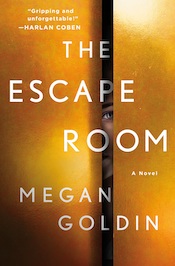
When four cutthroat investment bankers are summoned to an unoccupied office building on a Friday night, they assume it has something to do with their team’s recent financial failures and potential staff changes at the firm. In Megan Goldin’s The Escape Room (St. Martin’s Press) Vincent, Sylvie, Jules, and Sam all have good reason to fear being fired; individually, of course, each of them is determined to ensure they won’t be the one to go. Then their collective elevator ride in that empty building turns into an escape-room challenge, pitting them one against the other. Goldin weaves her narrative-thriller magic deftly, interspersing the bankers’ predicament with a parallel narrative of life at the investment firm in all its excessive, soul-crushing, venal glory. Partly inspired by Goldin’s own experience during a humiliating job interview, Escape Room limns the adrenaline-fueled, dog-eat-dog halls of Wall Street to generate a clever and provocative page-turner.
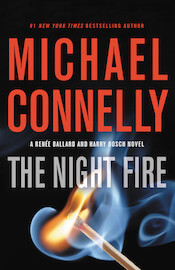
Both Harry Bosch and Renée Ballard are guilty of burning the proverbial candle at both ends in The Night Fire. Granted, they each have their hands full not just with a shared case, but with separate, individual ones on top of that. Still, the lack of proper sleep – you’d think – is bound to catch up. At least that’s what Bosch gently nags Ballard about, as she banters back with an, “Okay, DAD!,” attitude. While Ballard pursues the mysterious death-by-fire of a homeless man, and Bosch assists his half-brother Mickey Haller on a court case and its follow-up, together they puzzle over a murder book that’s been hidden by an early mentor of Bosch’s, John Jack Thompson: why did Thompson, a well-respected detective, bury the unsolved case and how can they solve it nearly 30 years on? As Bosch and Ballard make their way around the best City of Angels eateries, chewing over the evidence as well as the tastiest food the Big Orange has to offer, their ability to work as a team and their growing appreciation of each other as a trustable colleague comes to full-blown fruition. The entire book is a kind of ode to complementary partnerships, in fact, highlighted in Connelly’s dedication to the actor who brings Bosch to palpable life: “For Titus Welliver, for breathing life into Harry Bosch. Hold Fast.”
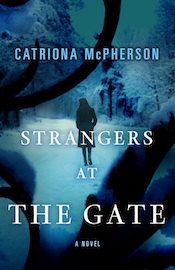
The chance of a lifetime – akin, husband-and-wife team Paddy and Finn agree, to winning the lottery – brings the couple to the gatehouse of a posh rural residence in the wet and wild village of Simmerton in Catriona McPherson’s Strangers at the Gate (Minotaur). Simmerton is located more than a few stones’ throw from, well, pretty much anywhere, but a partnership at a local law firm for Paddy and a proper job as a local deacon for Finn cheer their career prospects immensely. With little trepidation, they head off to a welcome-to-the-neighborhood dinner with Paddy’s new boss and his wife, Tuft Dudgeon, who, with her freewheeling cooking and cigarette-smoking styles, is one of the most enjoyable characters in recent mystery-lit. But all is not idyllic in Simmerton, a locale simmering with intrigue: with an unexpected spot of murder, a bevy of curious characters, and endless days of dreich, damp weather, McPherson delivers a maze of a thriller that will keep you guessing, turning pages, and staying up well past your bedtime.
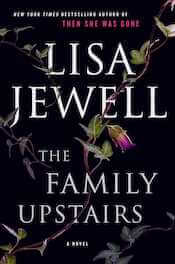
Lisa Jewell is super-skilled at conjuring stories from the inside out: by the time you’ve immersed yourself in the early narrative of The Family Upstairs (Atria), you realize you’re in the middle of a humdinger of a tale, one with a compelling history and more collective emotional baggage than could fit in the hold of an Airbus A380. A long-lost inheritance, Gothicly toxic family dynamics, cultish activities, a derelict mansion in the center of London, a pair of amateur sleuths, a long-ago baby coming of age, and the wily ways of dubious personalities masquerading as saviors are just a few of the elements Jewell uses to spin her story of suspense and psychological thrills and chills. From protagonist Libby Jones — holding down a kitchen-sales job, paying off her mortgage, counting her pennies for extras, and holding out for Mr. Right — to the vagaries of early crushes, vulnerable personalities, and focused deviousness, Jewell’s recipe for suspense more than delivers, including the scariest acknowledgement of all: people may not have murderous intent in their hearts, but that does not necessarily make them less like to kill when pushed into a corner.
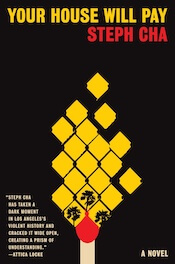
With Your House Will Pay (Ecco), Steph Cha breaks from her terrific Juniper Song trilogy, but her fiercely incisive and insightful writing shines on. Cha delves into a historical crime – the 1991 Los Angeles killing of a young African-American girl, Latasha Harlins, by a Korean-American woman, Soon Ja Du – viscerally transforming the violence and its aftermath into a rich, clear-eyed narrative. Cha tells her story from both families’ points of view, drawing us ever-closer to an underlying question: in today’s America, in which direction does justice, fairness, and the way forward lie? The deeply affecting answer holds no spoilers, just an irrefutable and certain realization that the only way for justice to be found in America is by communities uniting together rather than allowing themselves to be divided. But just as effective is Cha’s ability to build empathy for each one of her characters, reaching into their individual life stories – their dark and light elements alike – and crafting a tale that’s utterly humane.
The Quintessential Interview: Rene Denfeld
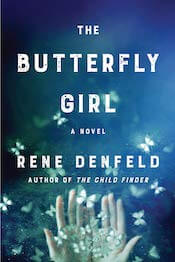
On the raggedy streets of Portland, Celia, the eponymous Butterfly Girl (Harper) in Rene Denfeld’s new novel, finds her place among the homeless. Two street-friends, Rich and Stoner, try to offer her some protection, but really, they are all equally vulnerable to others’ bullying, beatings, and worse. When Celia’s path crosses that of Naomi, protagonist of Denfeld’s The Child Finder who is now on a determined mission to find her lost sister, a horrific range of crimes collide. Delineating the impact of absent and incapable parents while also inscribing the life-arc of a kidnapper and killer, Denfeld’s novel shimmers with a quiet intensity, throwing the despair of homelessness into sharp relief while ferreting out the good guys as well. It’s a well-told tale of survival against formidable odds, of the power of stories to console and shore up determination, and, most refreshingly, of finding your way home.
What or who are your top five writing inspirations?
My day job has been a huge inspiration. For over ten years I've worked public-defense cases as an investigator, including death row exonerations. What could be more inspiring than that? My kids are also inspirations. I'm a long-time foster mom who has adopted three kids from foster care and fostered others. I love how stories come to us, and the best way to experience that is to live a full, interesting life. So my top five inspirations would be my justice work, fostering, reading, going for long walks, and the beauty of life.
Top five places to write?
I have an antique roll top desk with a magic key. It feels like magic! I also take my laptop with me everywhere and catch moments in waiting rooms, outside prisons, and so forth when working and parenting. Everyplace is a place to write!
Top five favorite authors?
Don't make me do this! I admire so many. Toni Morrison, Jane Smiley, Ernest J. Gaines, Katherine Dunn, Cheryl Strayed….
Top five tunes to write to?
I stop hearing when I write, so I'm afraid whatever music might be playing is lost to me. I only hear the sounds inside the story. If there is music being played inside the story then that is what I hear. The sounds inside The Butterfly Girl were the sounds of the skid row: horns honking, people fighting, music blaring from open strip-club doors. I would hear snatches of songs from the strip clubs and bars: Bon Jovi, Def Leppard, Van Halen. The bittersweet twist of those songs in the presence of a 12-year-old fighting to not be trapped into trafficking herself.
Top five hometown spots?
I live in St. Johns, Portland, Oregon, and I'll arm wrestle you that this is the best place ever. I love Cathedral Park, Baltimore Woods, Pier Park, Slim's Restaurant & Lounge, and our lovely little brickhouse library.
Thursday Comics Hangover: Hail Florida
The latest minicomic from Seattle cartoonists Marc Palm and Brandon Lehmann, Florida Man and the Golden Tickets to Heaven, is a story based on a single joke. Luckily, it's a good joke. You've likely seen the (now retired) Florida Man Twitter feed that treats every tawdry news story involving a drugged-out poaching crime spree as another installment in the continuing adventures of a single bargain-basement superhero named Florida Man.
Heaven plays that premise straight: Florida Man wears wraparound sunglasses and sports a mullet. His costume is a sleeveless t-shirt with Florida's outline on it and a pair of flip flops. He just wants to hang out in a parking lot and enjoy life. Then an alien shows up and offers to take Florida Man to a "planet made entirely of drugs." The catch is that the trip will cost $10,000, and Florida Man has to dig up the cash in advance.
Much has been made of the classism and culture-gawking of the Florida Man phenomenon, but Lehmann's story for Heaven mostly keeps its comedy out of the realm of mockery. Instead, it's a sleazy American tall tale in the classical sense: Florida Man is a larger-than-life hero having exaggerated adventures that meander around from place to place and getting more and more bizarre, like the tale of Paul Bunyan.
Palm's illustrations for the book — a single panel per page like a children's book — are minimalist but striking. Sometimes a panel will consist of nothing but two figures interacting, but those poses — say, a cop handcuffing Florida Man — feel exactly true to life. Palm is fast becoming one of Seattle's best cartoonists: he's getting into a zone where every line he puts on paper is exactly the right line. Even in a situation where the book is clearly a bit of a lark, the art of his cartooning is undeniable.
Publishing: As white as it ever was
Please click through and read Patrice Caldwell's very important thread about the lack of diversity in the publishing industry.
So yesterday PW's Publishing Salary Survey went live, and about 84% of book publishing is white (barely a change). But also, re: racial/ethnics group, if you look the past years, most representation, by group, is actually decreasing or staying the same. pic.twitter.com/u6GUGwo1y8
— Patrice Caldwell (@whimsicallyours) November 19, 2019
Tonight, two of Seattle's best nature writers talk about writing non-fiction. Here's what to expect:
Tonight at Folio: The Seattle Atheneum, Seattle Times books columnist Mary Ann Gwinn will be interviewing two Seattle authors about the art and craft of writing nonfiction books. Lynda Mapes this year published a fantastic book that examines climate change through the life of one remarkable tree, and David B. Williams's fascinating Stories in Stone: Travels through Urban Geology has recently been published in paperback. Both Williams and Mapes are remarkable chroniclers of the natural world; they capture the mystery and the science of nature in clever narratives. This should be a great conversation for lovers of literature and aspiring authors alike. We called Williams on the phone to get a little more information about the event. What follows is an edited transcript of our conversation.
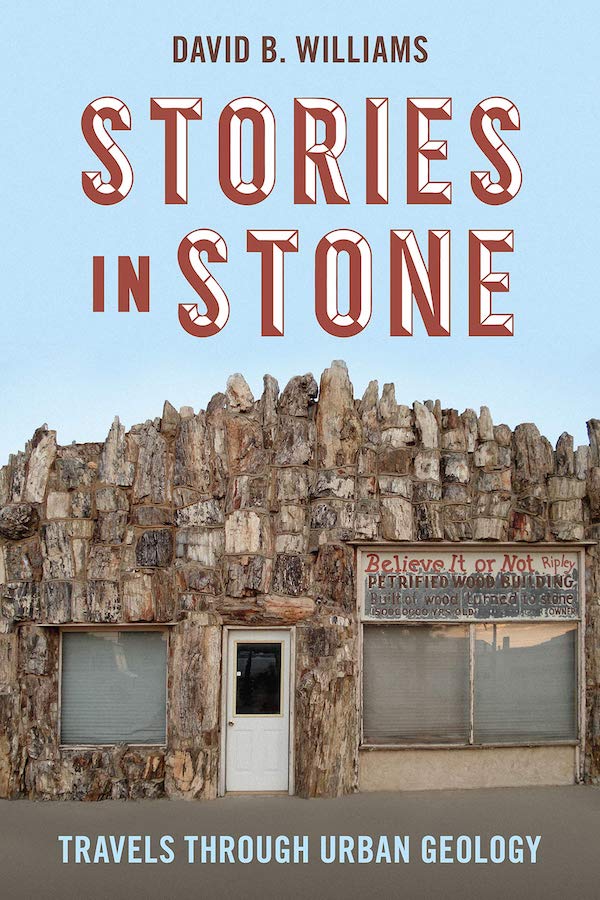
I was wondering if you could just talk a little bit about the panel and what people can expect from it.
Basically the panel is centered on nonfiction writing and the process of nonfiction writing — with an emphasis on both Lynda and I working particularly in natural history. What's the process? How do you go from an idea to research to organization to telling your story? How do you know when you're done with the book? Really sort of the whole process, every aspect of it.
Do you have an audience in mind for this?
My guess is with Folio, and with a few of the writers who are hoping to come, I'm guessing we'll probably hit a broad range from more experienced to less experienced. Both of us have been involved with books — working with both national and local publishers — for many years. I think we bring a pretty broad perspective to it.
One of the most common complaints I hear about nonfiction books, and that I've actually levied against several nonfiction books in reviews, is that it would be better served as a magazine article. A lot of nonfiction books feel like they're padded-out articles. I was wondering if that's something that you've encountered as a reader.
I've read a number of books that, as you say, feel like a magazine article on steroids. You ask, "why didn't they just do this in 10,000 words instead of 80,000 words?" And you have this feeling that everything the person ever learned was spit out onto the book. I think that is definitely a truism. I've seen that in many books that I've read.
I think that Lynda and I are more judicious about pruning our books, and trying to tell stories that are more compelling, and not weaving in every fact that we have, though we're both obviously very focused on getting the facts right.
Actually, this has happened to me: I'll write an article and then an agent will get in touch and ask if I could turn the article into a book pitch. A lot of the time, I don't think it's even necessarily the author's fault, it's that the industry always wants more of the same, a known quantity.
My books, for better or worse, have been driven by my particular passion for a subject. I've always been the generator of the idea versus having someone asking me to expand on it.
But you definitely have that feeling. I think Susan Orlean's book about libraries was that way. It would have been better as something much shorter. She's still a brilliant, amazing writer, but I had problems with it.
Yeah. This kind of padding is maybe the worst thing that you can do in the attention economy: it wastes people's time. But I think it's very hard for writers to say no to that kind of attention from an agent or a publisher.
It's the classic problem: you do all this research and you think it's really interesting and you want to put it in the book. You've done all this research. If you're a diligent researcher, you have the possibility of doing too much research and just wanting to get all the facts down. So how do you recognize when to prune? I like to think that I've gotten better at that over the years, at trying to not feel I have to put a brain dump into the book. And Linda certainly does a beautiful job of that.
You traditionally work curiosity-first?
Very much so, yeah. I've been very lucky that every book I have written has come out of something that really fascinated me. Stories in Stone was something I'd been interested in for years and finally decided, 'okay, I either have to give up this idea or try and write a book about it.' And I was fortunate enough to be able to write a book about it. Then the book I did on Seattle's big engineering projects, Too High and Too Steep, was something that interested me, and as I researched it I found it more and more interesting. That drives me as a writer.
Your curiosity is definitely always apparent on the page. Have you done a lot of teaching of this kind of thing?
I have not. I have done very little — almost no — teaching of writing.
So how did the format for this came though — as a conversation, as opposed to, say, a lecture?
Mary Ann is friends with both Lynda and myself, and we have talked about the process of writing together or separately over the years. With Mary Ann so involved in the book world, I think that's something that has always interested her. We wanted to do something a little bit different than just talk about the book, and we wanted to have that interaction with Mary Ann, who's so smart.
Is there anything about about Folio that appeals to you as the venue for this?
I think they're so interested in the culture of the book, and the culture that grows out of conversation of books. It's one of the most literate places around in a place that's so focused on books. It adds another layer to that conversation that's taking place around us.</;p>
I think what Lynda and I bring is that we're both grounded in this place. We're writing from a perspective of Seattle and Puget Sound and trying to connect those stories. It's not to say that any other nonfiction writer who's from outside this area wouldn't have that perspective. But our perspective is so strongly tied to this area that I think we bring something special that outside writers wouldn't necessarily have — not better or worse, but just different.
My next book is about human and natural history on Puget Sound. Lynda and I are sort of on parallel paths, since her next book's on orcas. I'm taking a wider ecosystem perspective than Lynda, but we parallel each other in some ways. It'll be fun to be in conversation with Lynda about that and think about, again, how do you tell the story of a place? She is doing it by focusing specifically on one animal and I'm doing it on the broader perspective of trying to connect the ecosystem to place through a variety of different animals and different stories. So, it should be fun.
Will you ever switch to buying mostly ebooks?
I'm always interested in literary agent Nathan Bransford's annual poll about ebook adoption. Every year, he polls his readers about whether they're ever going to buy mostly ebooks over paper books. Bransford's fans tend to be more aggressive ebook adopters, but the poll is falling into a fairly predictable pattern. Unless something drastic happens, it doesn't seem like ebooks are ever going to take over the world.
Know her name
Published November 19, 2019, at 12pm
Reviewing Chanel Miller's Know My Name, Julie Letchner is a clear lens for anger and a clear voice for women.
The Vow
(Side-scroll to see full lines)
We remitted my father this year to the nameless earth,
where no gods churn the ground with their invisible hands
and no resurrected form yet retains his strange acuity. We eulogized him
then went about our business, dazed for a time, then made a vow
to spread his ashes where he and his wife had left
their disparate passions. The business of the living is to return
the memories of the dead to a verbal corpus and to return
their myths to a physical place on the earth
and perhaps find some measure of comfort in what is left
after their ashes are wind-borne. My hands
tremble at this thought, the emptied vessel, the vow
to ascribe meaning to a meaningless death, to forget in him
a terrible iniquity and thus a childhood lost: yet also to find in him
such boundless joy among the aspen and evergreen, the return
to the garden, before the temptation and Adam’s vow,
before he rose up from God’s cruel breath and the earth,
before his own trembling hands
had limned the contours of his nakedness, and hers. All that is left
is this jar of desiccated dreams, all that is left
of my father is a thimbleful of questions. I still see him
when I dream, driving an empty bus, his hands
curled around the door handle like Charon on his return
from the River Styx, ferrying me and my daughter from the earth
across the threshold. Sometimes he vows
we will be safe on our journey; in other dreams, he vows
nothing, but is consigned to the end, rolling onto his left
side in silence like St. Lawrence on hot coals, the earth
finally collapsing in around him.
He was a martyr even among the living, and in return
we grieved at his every step downward, our hands
bound by his prophecy, knowing his hands
were summarily free to fashion his end. Yet I vow
that this is not his end, and that in these words he will return
if only for a moment from the edge of that darkling plain, where he left
Blake and Arnold to confer with him
under the shadow of the Earth.
This is my wish, to return his voice to the living; to feel his hands
once more upon my shoulder as I walk the earth, and to vow
this is not all that is left of him.
A novel that asks what happens when all the lights go out...

Seattle-based sponsor Orson's Publishing is a small-press that puts out "gutsy books for gutsy readers."
Like Wounded Tongue — this novel by Garrett Dennert takes place in a future world without electricity, a total blackout. Masked tribes war over pockets of the new world.
A middle aged-scavenger in Waco, Texas meet Vitri, a hearing-impaired orphan. They agree to travel east together, into the darkness of their world.
Read a gripping full chapter from the novel on our sponsor's page.
It's sponsor's like Orson's that make all the content you read this week possible. We've got some prime spots available in the coming weeks before the holidays — make sure your winter event, or book, is in the hands of people looking for great gift ideas for their literary loved ones.
Your Week in Readings: The best literary events from November 18th - November 24th
Monday, November 18th: The Great Pretender Reading
Susanah Calahan's book The Great Pretender: The Undercover Mission That Changed Our Understanding of Madness is about a study in which sane people in the 1970s tried to get themselves committed to mental institutions. At the time, the study revealed some uncomfortable truths about our mental health system, and now Calahan is unveiling some uncomfortable truths about the study. Town Hall Seattle, 1119 8th Ave., 652-4255, http://townhallseattle.org, 7:30 pm, $5.
Tuesday, November 19th: We Are Puget Sound Reading
The latest reading for the new book about our beautiful, life-giving body of water features Suquamish Tribal Chairman Leonard Forsman, Mindy Roberts from the Washington Environmental Council, and Les Purce from the Orca Recovery Task Force. Town Hall Seattle, 1119 8th Ave., 652-4255, http://townhallseattle.org, 7:30 pm, $5.
Wednesday, November 20th: The Every Other
Doug Nufer's newest reading series presents great Seattle authors Thomas Walton and Jeff Encke, along with solo saxophone by Scott Granlund. Vermillion Art Gallery and Bar, 1508 11th Ave., 709-9797, http://vermillionseattle.com, 8 pm, free.
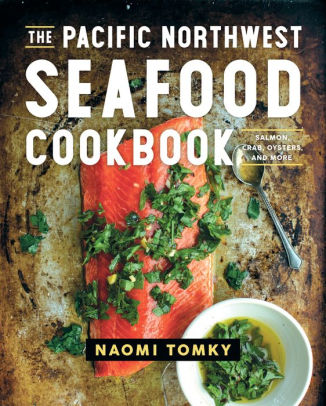
Thursday, November 21st: The Pacific Northwest Seafood Cookbook Reading
Naomi Tomky is a gifted food writer. This is the latest stop on her tour to celebrate the release of her new book, The Pacific Northwest Seafood Cookbook: Salmon, Crab, Oysters, and More. The book contains some 75 recipes for curries, appetizers, main dishes, and more. Third Place Books Seward Park, 5041 Wilson Ave S, 474-2200, http://thirdplacebooks.com, 7 pm, free.
Friday, November 22nd: Hugo Literary Series
In the Hugo House's latest Literary Series outing, writers Hannah Tinti, Juan Felipe Herrera, and Richard Chiem will read new work along the theme of "Taking Liberties." Amber Flame will perform music that meets the theme as well. Hugo House, 1634 11th Avenue, 322-7030, http://hugohouse.org, 7 pm, $25.
Saturday, November 23rd: Holiday Bookfest
See our Event of the Week column for more details. Phinney Center, https://www.phinneycenter.org/calendar/holiday-bookfest-2019/, 3 pm, free.
Sunday, November 24th: It's About Time Writer's Craft Anthology
"Seattle’s longest-running prose and poetry reading series" celebrates a new anthology that collects a few of the many craft talks that are a signature of the series. The book's editors, Esther Altshul Helfgott, Peggy Sturdivant and Katie Tynan, will be joined by Bethany Reid, John McFarland, and Susan Rich. Elliott Bay Book Company, 1521 10th Ave, 624-6600, http://elliottbaybook.com, 3 pm, free.
Event of the Week: Holiday Bookfest at Phinney Center
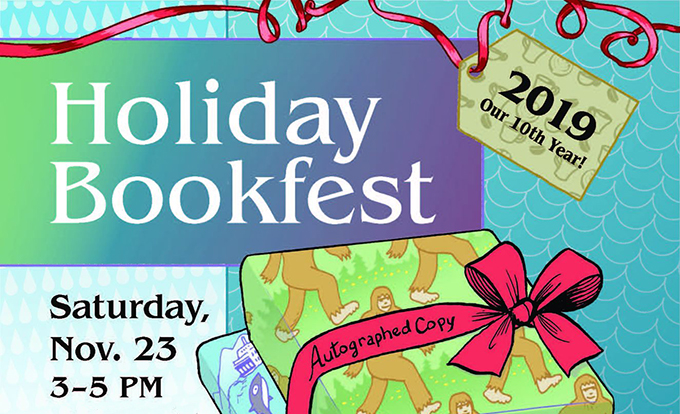
Look, you can only pretend that the holidays aren't coming for so long. Eventually, the calendar makes you pay for your procrastination. With that in mind, why not get your friends and family autographed books this year? And also, why not get all your holiday shopping done in one Saturday afternoon?
The Holiday Bookfest at Phinney Center features readings, signings, and other book-related events with an enormous collection of Pacific Northwest authors in one place. It's been going for a decade, and it benefits local organizations like Pocket Libraries and the Greater Seattle Bureau of Fearless Ideas. Why wouldn't you go?
Here's a list of authors who'll be attending:
- Kathleen Alcala
- Erica Bauermeister
- JL Brown
- Lynn Brunelle
- Deb Caletti
- J Anderson Coats
- Tim Egan
- Elizabeth George
- Jennifer Gold
- Jennifer Haupt
- Lyanda Lynn Haupt
- Beth Jusino
- David Laskin
- Louisa Morgan
- Kevin O’Brien
- Anna Quinn
- Kim Brown Seely
- Gina Siciliano
- Rachel Lynn Solomo
- Garth Stein
- Nathan Vass
- Urban Waite
- Tara Austen Weaver
- David B. Williams
If you can't find something for everyone on your holiday gift list this year in that lineup, I don't know what to tell you.
Phinney Center, https://www.phinneycenter.org/calendar/holiday-bookfest-2019/, 3 pm, free.
The Sunday Post for November 17, 2019
Each week, the Sunday Post highlights just a few things we loved reading and want to share with you. Settle in with a cup of coffee, or tea, if that's your pleasure — we saved you a seat! Read an essay or an article online that you loved? Let us know at submissions@seattlereviewofbooks.com. Need more browse? You can also look through the archives.
Seattle winters are long and dark and wet, and I sympathize fully with anyone who dreads them. I’ve had my own years where the dark winter got inside me, and years when the first clear and sunny day brought tears of surprised relief.
It’s not helped by the current atmosphere of generalized apocalyptic shitstorm (“GAS”). Social media carries some of the blame for that, but then there’s simple reality: our government currently is a shitstorm, and we’re generally trying like hell to avoid an apocalypse.
Crisis of this magnitude calls for heroics, but it also calls for small, good things. Keeping your mind clear of the enemy, making sure the tenor of your being (with thanks to the friend who’s loaning me that term) pushes the dark away instead of bringing it closer. For example…
This tiny bookstore on wheels brings books to towns whose bookstores have closed
Jenn Fields shares her joy in Jean-Jacques Megal-Nuber’s tiny home bookmobile. “Au Vrai Chic Littérère” is jam-packed with books and somehow still bright, comfortable, and calm. Megal-Nuber travels with the bookmobile through rural Alsace, sleeping in its miniature loft at night and opening the doors during day to villagers who no longer have bookstores in their town.
Dreamlike, and full of dreams.
[The] tiny home-turned-library is gorgeous on the inside. The light-colored pine throughout, including the bookshelves, gives it a bright interior.
“I wanted a little feeling of a cabin and an aura of a small bookstore, which both evoke a lot of dreaming,” Pauline Fagué, a designer at Maison qui Chemine, told Architectural Digest of the design.
The secret to enjoying a long winter
Depression and anxiety are tricky things, and it takes more than a shift in attitude to shift the black dog. But, Jason Kottke found, accepting the presence of a smaller, seasonal dog can make room for a little light.
Sometime this fall — using a combination of Stoicism, stubbornness, and a sort of magical thinking that Jason-in-his-30s would have dismissed as woo-woo bullshit — I decided that because I live in Vermont, there is nothing I can do about it being winter, so it was unhelpful for me to be upset about it. I stopped complaining about it getting cold and dark, I stopped dreading the arrival of snow. I told myself that I just wasn’t going to feel like I felt in the summer and that’s ok — winter is a time for different feelings.
The complicated role of the modern public library
I have a friend, a woman with a lovely, curious mind and a deep sense of courtesy, who will only return library books to the branch where she checked them out. Her graciousness toward the librarians who wrangle returns, and her desire to protect each branch’s collection, are admirable if eccentric.
But: what’s more library than circulation? And not just the movement of books from one shelf to another, but from hand to hand, across the city and across social strata. Libraries aren’t perfect, and they aren’t the greater levelers of society, but they’re closer than almost anything else we have. They’re a refuge and a respite and a place where we learn about each other, from the page and from the person. A place where when you have to go there, they almost certainly will take you in.
The public library requires nothing of its visitors: no purchases, no membership fees, no dress code. You can stay all day, and you don’t have to buy anything. You don’t need money or a library card to access a multitude of on-site resources that includes books, e-books and magazines, job-hunting assistance, computer stations, free Wi-Fi, and much more. And the library will never share or sell your personal data.
How to unlearn everything
Alexander Chee cuts brilliantly to the heart of white writers who want advice for writing about people of color, or straight people who want to write queer. Instead of a diatribe, or anger, he brings to the table some straightforward and strengthening advice: write the stories only you can write. His approach is clear and respectful without giving ground — an antidote, if you’ll pardon the trite close, to the apocalypse of anger that has overtaken what we are, collectively, together.
Given all the excellent writing about the challenges of rendering otherness, someone who asks this question in 2019 probably has not done the reading. But the question is a Trojan horse, posing as reasonable artistic discourse when, in fact, many writers are not really asking for advice — they are asking if it is okay to find a way to continue as they have. They don’t want an answer; they want permission. Which is why all that excellent writing advice has failed to stop the question thus far.
Whatcha Reading, Jazno Francoeur?
Every week we ask an interesting figure what they're digging into. Have ideas who we should reach out to? Let it fly: info@seattlereviewofbooks.com. Want to read more? Check out the archives.
Jazno Francoeur is a polymath: after a career in visual effects for Walt Disney Animated Features, he moved north to teach animation at DigPen in Redmond, where he's also headed the department. He's travelled the world helping DigiPen open new programs in Singapore and Bilbao, and also teaching in Thailand, China, Lebanon, and Japan. He's a musician, photographer, and poet. He's currently our Poet in Residence for November — we've published two of his poems so far: "Via Sacra", and "Fireweed".
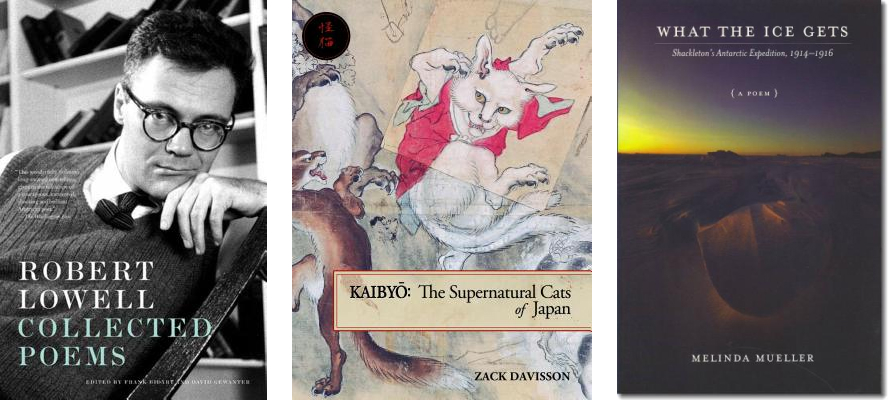
What are you reading now?
I am currently reading Robert Lowell’s Collected Poems.
What did you read last?
My last read was Kaibyo: The Supernatural Cats of Japan by Zack Davisson.
What are you reading next?
My next read is What the Ice Gets by Melinda Mueller.
The Help Desk: Books for the seasonally affected
Every Friday, Cienna Madrid offers solutions to life’s most vexing literary problems. Do you need a book recommendation to send your worst cousin on her birthday? Is it okay to read erotica on public transit? Cienna can help. Send your questions to advice@seattlereviewofbooks.com.
Dear Cienna,
I'm really struggling right now. What book have you read that made you feel most hopeful about humanity?
Diane, Leschi
Dear Diane,
I'm sorry to hear that. Many of my human friends struggle. Some have been struggling for exactly the last three years; some struggle every winter. Like you, many have turned to me for help. At first, I tried making them Cactus Patch dolls to encourage them to be less needy, as my own mother did for me as a child. From this I learned that not everyone's face is as heavily calloused as my own, and that even people who brag about how much they "love nature" are not as grateful as they should be when receiving such a present.
You're wise to ask for a book. Unfortunately, I can't point to one book that makes me feel hopeful about humanity. The act of reading makes me feel hope. Within books you find more imagination, emotion and vulnerability than people are conventionally allowed to express in our daily lives. Even if many books fail at being a complete triumph, all books are an intense labor of love. That should make you feel hopeful.
But if cactus hugs and basement philosophizing don't make you feel any better, try these books:
Kisses,
CiennaThe Portrait Gallery: Herman Melville
Each week, Christine Larsen creates a new portrait of an author for us. Have any favorites you’d love to see immortalized? Let us know, or see if you can find them in the archives.
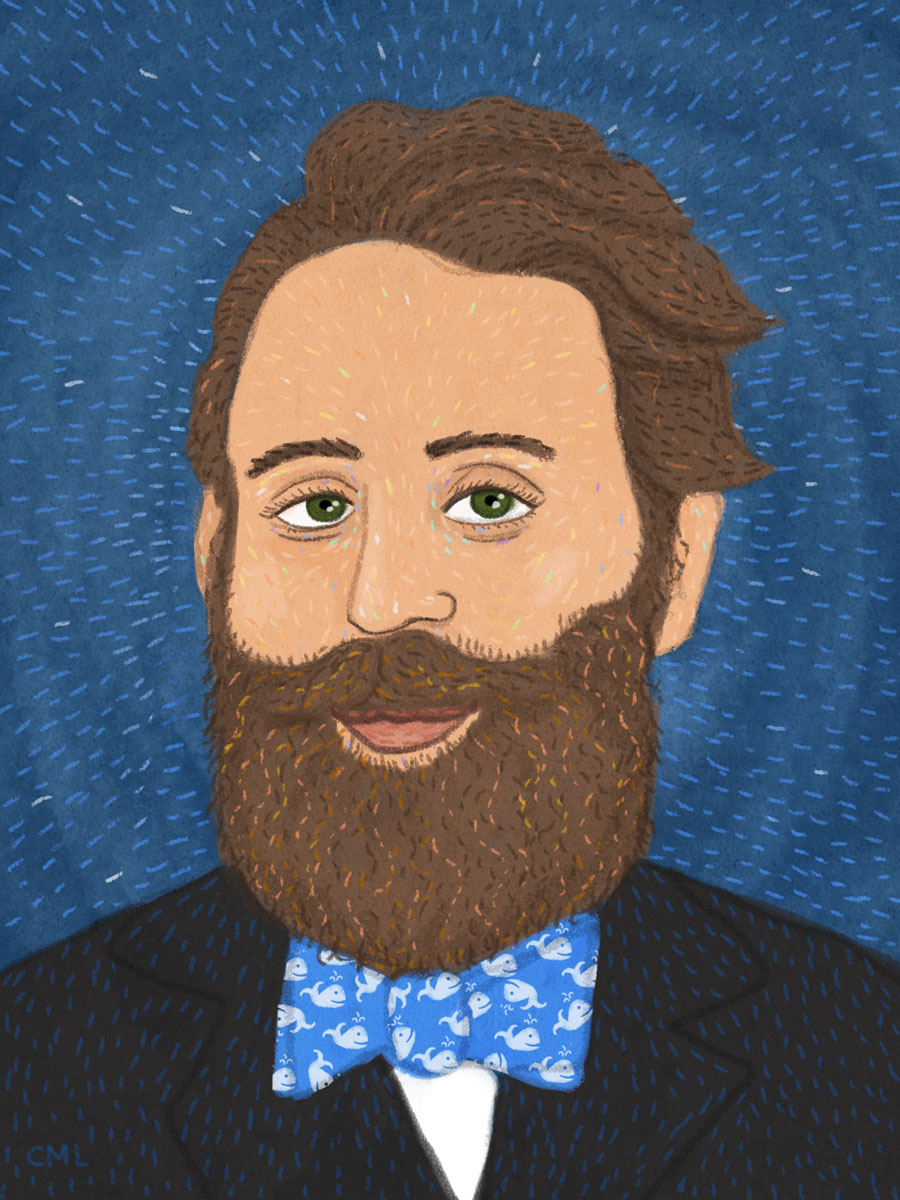
One-hundred and sixty-eight years ago today, in 1851, Moby Dick was published. Melville wrote one of the great romances of our time, as Ishmael wakes for the first time with Queequeg.
Upon waking next morning about daylight, I found Queequeg’s arm thrown over me in the most loving and affectionate manner. You had almost thought I had been his wife. The counterpane was of patchwork, full of odd little parti-coloured squares and triangles; and this arm of his tattooed all over with an interminable Cretan labyrinth of a figure, no two parts of which were of one precise shade—owing I suppose to his keeping his arm at sea unmethodically in sun and shade, his shirt sleeves irregularly rolled up at various times—this same arm of his, I say, looked for all the world like a strip of that same patchwork quilt. Indeed, partly lying on it as the arm did when I first awoke, I could hardly tell it from the quilt, they so blended their hues together; and it was only by the sense of weight and pressure that I could tell that Queequeg was hugging me.
The Future Alternative Past: The smell of a world that has burned
Every month, Nisi Shawl presents us with news and updates from her perch overlooking the world of science-fiction, fantasy, and horror. You can also look through the archives of the column.
Jimi Hendrix sang us the truth over fifty years ago in “Up from the Skies,” one of his many SF songs. This world is burning. Just ask California. Burning. Deny it all you want, or all our corporate would-be masters want, but science says the planet’s climate has changed, warming suddenly and significantly due to industrial activity. Long a plot device driving fictional futures imagining extraterrestrial colonization, ecological crises are real, here, now.
Admitting that takes a certain audacity. It’s a species of boldness Octavia E. Butler displayed in her Earthseed books--especially the first, Parable of the Sower. In Sower, members of a vanishing middle class hunker behind the walls of gated communities, increasingly the prey of roaming homeless have-nots, eventually heading northward to escape heat and drought. When Butler wrote the books in the 1990s they were set in the near future of the 21st century’s early decades. Our present.
What’s next? Much of the SFFH I most admire is about moving on from the status quo. In Kim Stanley Robinson’s 2017 novel New York 2140, NYC is flooded but not abandoned. Like Venice, its buildings’ upper stories are inhabited, and water transport is the norm. The city’s inundation is shown to have positive points for the wealthy, as when eating certain types of seafood conveys higher status. The art scene, of course, is located in its damp and dangerous lower stories. And yet, despite depicting literal and blatant stratification of this kind, Robinson supposes ways for his wide spectrum of characters to get the best of capitalist oppression.
In Autonomous, by Annalee Newitz, humanity adapts worldwide to the new geography of global climate change. Submarines and reclaimed tundra make corporate expansion into formerly frozen wastelands profitable. Likewise, Tobias Buckell’s Arctic Rising showcases the potential for exploiting oil deposits uncovered by melting polar ice. Buckell also raises the possibility of remediating the mess climate change is making of his not-too-far-distant future, though said possibility is fraught with danger.
Hopeful takes on the outcome of current ecological trends are now viewed as a SFFH subgenre. It’s called solarpunk. The first solarpunk anthology, Solarpunk: Histórias ecológicas e fantásticas em um mundo sustentável was published in Brazil in 2012, and in an English translation in the US in 2018. The 2017 solarpunk anthology Sunvault collects work by me, Daniel José Older, Kristin Ong Muslim, and other up and coming authors. There’s a pertinent Australian anthology as well: Ecopunk!: Speculative Tales of Radical Futures.
Of course people talk about solarpunk novels, too; some of that talk is meant to repurpose books that predate the literary classification solarpunk, including titles I’ve named here, such as Sower and Arctic Rising. Some of it is commentary on more recent works consciously identifying as solarpunk. And some of it’s about bias against the category.
A couple of decades ago I worked as a slush reader for the Science Fiction Book Club. One of my contacts at Baen Books told me their company had a secret policy against publishing books in which climate change was a given. They swore up and down that though Baen would deny it publicly, any manuscript which treated global warming as a scientifically proven theory was summarily rejected. While Baen has a lot of good things going for it — such as a free online library stocked with dozens of books — it’s not doing much to support solarpunk. Then again, neither are any of the other major publishing houses, despite that wistful quotation about capitalists selling us the rope to hang them with. Time to braid our own and tie it into optimistic nooses.
Recent books recently read
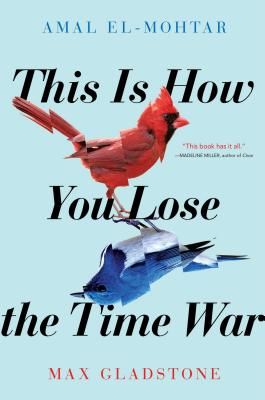
This Is How You Lose the Time War (Saga Press) by Amal El-Mohtar and Max Gladstone is many things at once: a romance, a time-travel adventure, a spy thriller, a paean to the dying art of letter writing. The authors’ winged prose perfectly captures the exhilarating giddiness of loving and being loved, as Red and Blue, agents working for rival empires, hide honeyed messages for each other in the ashes of their warring operations. Tenderness, danger, daring, wit — Time War has them all. Plus birds, berries, seals, skeletons, and extracts from Mrs. Leavitt’s Guide to Etiquette and Correspondence, a volume sadly nonexistent — in this universe at least. In other words, these pages are strewn with myriad delights.
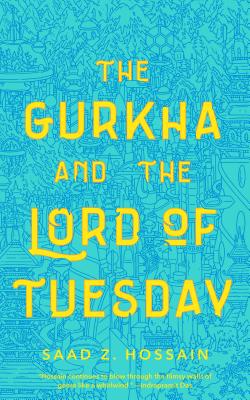
Just as wonderfully, renowned Bangladeshi author Saad Z Hossain’s The Gurkha and the Lord of Tuesday gleefully mashes up fantasy and science fiction in a way I’m coming to expect from cultures outside the genre’s historical borders. When melting glaciers free a cranky djinn, he teams up with a lone-wolf soldier to trouble the too-calm tenor of a Kathmandu both post-apocalyptic and techno-Utopian. The djinn, the titular Lord of Tuesday, wants to party really, really hardy. As in, to the destruction of automated bars and the depletion of months’ worth of alcohol stocks. Ostensibly the soldier (aka the Gurkha) wants to help the djinn accomplish that mission, but he also has his own agenda involving an investigation of the supposedly incorruptible AI keeping score of inhabitants’ “karma” points. Relating the pair’s exploits with charmingly brisk humor, Hossain depicts inevitable human weaknesses mingling with surprising human strengths, then blends the resultant melange with his other sfnal ingredients — believable new weapons, perpetually resuscitated desires, catastrophic loss of breathable atmosphere, and more — to achieve a refreshing vision of a future beyond labels.
An upcoming con
I’m only going to talk about one con this column: Arisia. The year’s earliest of the two big Boston-area SFFH conventions, Arisia aims to be its regions most inclusive as well. A look at their website’s write-ups about 2020’s Guests of Honor affirms their success. There’s Arthur Chu, anti-Gamergate activist and Asian-American commentator on fandom’s racial divides; Kristina Carroll, initiator of the Month of Love and Month of Fear challenges, which have reached out to numerous artists and inspired amazing new work; and Cadwell Turnbull, a rising star of an author whose acclaimed first novel, The Lesson, is set in his native US Virgin Islands. Support coolness! Join! Attend!
Thursday Comics Hangover: Missing persons
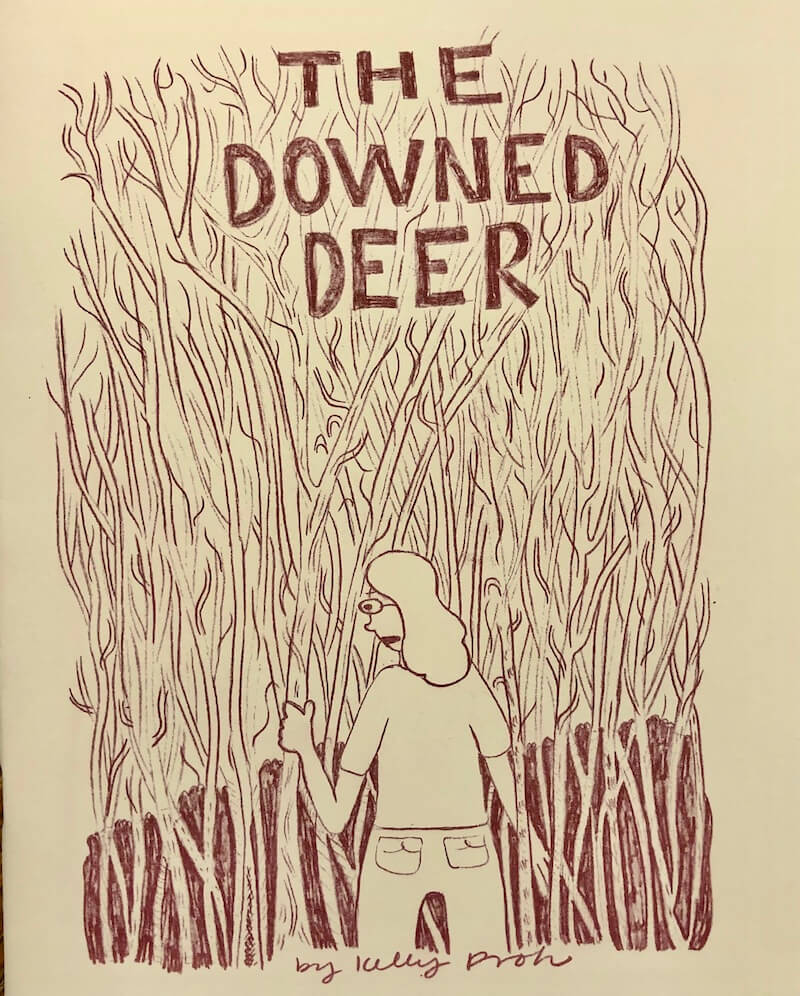
Printed in a deep muddy brown ink on cream-colored paper, Seattle cartoonist Kelly Froh's latest comic, The Downed Deer, looked different than every other book at Short Run this year. The cover, featuring Froh peering into a mass of branches and vines, evokes something darker than most of Froh's work — more complicated, more serious. This cover is not lying to you.
The Downed Deer begins with Froh and her real-life partner, cartoonist Max Clotfelter, driving through rural Florida. They see something strange — a disheveled man running into the woods — and they keep driving. Then, Clotfelter has to go into the woods to pee. He doesn't come back out.
As Froh camps by the side of the road in a vigil for the missing Clotfelter, she becomes a bit of a media sensation. The police investigate his departure, and find no leads. Froh appears on TV news and local women bring her food. She sits there staring into the dense vegetation of roadside Florida, trying to will Clotfelter back into the world. Then, more menacing things start to happen.
When I picked up The Downed Deer at Short Run, Froh told me not to flip through the book; she said seeing some of the later pages would ruin the book's surprise. Now that I've read The Downed Deer all the way through, I see what she means. But even knowing that the ending is surprising doesn't sap the book of its impact.
The indicia on the inside front cover of The Downed Deer makes it clear that the book "is a work of fiction." But Froh has been drawing herself in autobiographical comics for so long now that her "character" feels familiar to us, and so the horror of the book strikes a little deeper than it would with all-new characters created just for the story. Despite the clear and up-front insistence that the book is fiction, Froh's regular readers, who have grown accustomed to the cartoon Froh standing in as a one-to-one avatar for the cartoonist herself, can't help but wonder how much of the story is true.
Adding to the impact, too, is the book's blending of styles. As usual, Froh's self-portrait is just made up of a few lines — one big rounded mass of hair, no differentiation between her eyes and her glasses, a plain t-shirt and jeans. But Froh (the character) camps out on the fringes of the dense forest, which Froh (the artist) illustrates in deep detail: the leaves on bushes could also be a reptile's scaly skin, the branches of trees could be people waving off in the distance. Are those snakes or switchgrass? It's unclear, and thrillingly so.
It's been a while since I've read a horror comic that worked as elegantly as The Downed Deer. It's unsettling from beginning to end, and the book builds to a crescendo worthy of a classic Twilight Zone episode. It's dark and menacing and wondrously effective comic storytelling.
VIDA announces 2018 count results
More than pretty much any award or publication date announcement, the annual event we most look forward to every year in the literary calendar is the release of the VIDA count, which tallies the gender identification of authors at literary magazines for the previous year. (We spoke with Nicola Griffith right at the launch of this site about the importance of counting voices, if you need a refresher.) This year, VIDA has demonstrated a little progress toward gender equity: "For the first time since the beginning of the VIDA Count, not a single one of the 25 literary magazines counted in the [Larger Literary Landscape] had fewer than 40% of women writers in their total publications." But VIDA still names names of bad actors, identifying the "feckless five" sites that are still overwhelmingly male.
Representation of nonbinary writers is still vanishingly small. Hopefully their inclusion in this count can begin to move the needle. We also missed data on race and ethnicity this year, but the rationale — VIDA is taking time to re-think their Intersectionality Survey in response to feedback from their community and their own team — is a good one. Still, we look forward to seeing a more nuanced view return next year. We also hope to see the new and improved intersectional component better ingrained into the initial gender conversation, rather than as a separate index.
Don Mee Choi wins translation prize
Seattle poet Don Mee Choi just won the 2019 Lucien Stryk Asian Translation Prize for translating Kim Hyesoon's collection Autobiography of Death from Korean to English. In the announcement, the prize's judges say that "Don Mee Choi’s translations deftly activate a visionary poetry of great speed, volume, and vision. The collaboration between Hyesoon and Choi continues to energize and challenge contemporary world Anglophone poetry into a zone beyond borders."
The secret of classic comics, according to Paul Tumey: "Things fall apart."
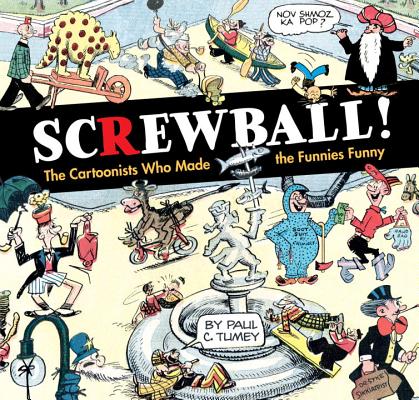
I interviewed Seattle author Paul C. Tumey last month about his book Screwball! The Cartoonists Who Made the Funnies Funny at Elliott Bay Book Company. The book is an anthology of some of the earliest pioneers of comics art from the funny pages, and Tumey is a fantastic guide: he can explain the nuances of comics as well as just about anyone, and his passion for the classics of the funny pages is infectious.
Pretty much every film buff knows that the early years of cinema is a wasteland of lost art, as very few of the first silent films were archived. When I told Tumey that I feared the same was true of comics, he had some good news: in the middle of the 20th century, America's public libraries were eliminating their archives of old newspapers, but "before they did, they photographed them for microfilm," Tumey explained.
Granted, the switch to black-and-white microfilm means that the vibrant colors of many old Sunday comic strips have been lost forever, but Tumey is grateful that most of it exists at all. "It's amazing that this stuff's still accessible," he says. "It's only about a hundred, 120 years old. That's not too long in the span of things, but in America, that's forever."
But to make Screwball!, Tumey couldn't just rely on digital archives of old newspapers. "In addition to the five years of research [on the book,] I also spent five years looking at eBay," he laughs. Tumey would bid on classics of the form, and he'd frequently get outbid by one of the handful of comic strip collectors out in the world. For those strips that he couldn't dig up through internet bidding, Tumey says the Billy Ireland Cartoon Library at Ohio State University is "a tremendous, resource for books like this and for comics scholars." After he gets his hands on the strips in the best condition he can find, Tumey says Photoshop ensures that he can "clean this stuff up so it doesn't look too bad."
One aspect of these early cartoons that has been lost to time is the actual process of cartooning. I asked Tumey about the density of the jokes on these giant pages — one large Sunday page could have four dozen visual gags going on in the background. Were they all drawn out in elaborate detail, or were the artists winging it as they went along?
"I do have an original by Clare Victor Dwiggins, who was notorious for crowding background details," Tumey says. "You can see that the main figures are penciled. However, he may have just drawn the background gags in with an ink pen."
Part of the vibrance of the early cartoons comes from their immediacy. "They had to create one of these a day," Tumey says. "The dailies were just a few panels, but the Sundays were big. This was a lot of work, and some of them were doing two and three strips at the same time. So, I don't think they spent a lot of time on them—it's very spontaneous."
It's important to note that Tumey didn't collect Screwball! to archive the past. He wanted to create guideposts for the future. Tumey has been a part of Seattle's comics community for decades, and he thinks these classic cartoons are "a vital art form and a part of our lineage." Tumey wanted to put the book together so "modern cartoonists could look at it and go, 'hey, this is kind of similar to stuff that I do or stuff some other cartoonist does.'"
"For me this stuff is as fresh as a comic that was created last week," Tumey says. "So I wrote about it from that perspective and I deliberately avoided a stuffy academic tone."
But this isn't just a reference for cartoonists. Tumey thinks that we could all use a little screwball in our lives. "Most humor these days has an undertone of irony and cynicism," he says. "One of the things I love about the humor in these comics is it's not ironic, it's just silly for being silly's sake. The undercurrent of screwball comics is a sense that the world is absurd, that things will fall apart. These comics are tributes to the second law of thermodynamics, which is that things fall apart eventually." So if everything's falling to chaos and ruination, you might as well have a good laugh about it.
Jane Austen's first novel coming to a Seattle Stage this week!
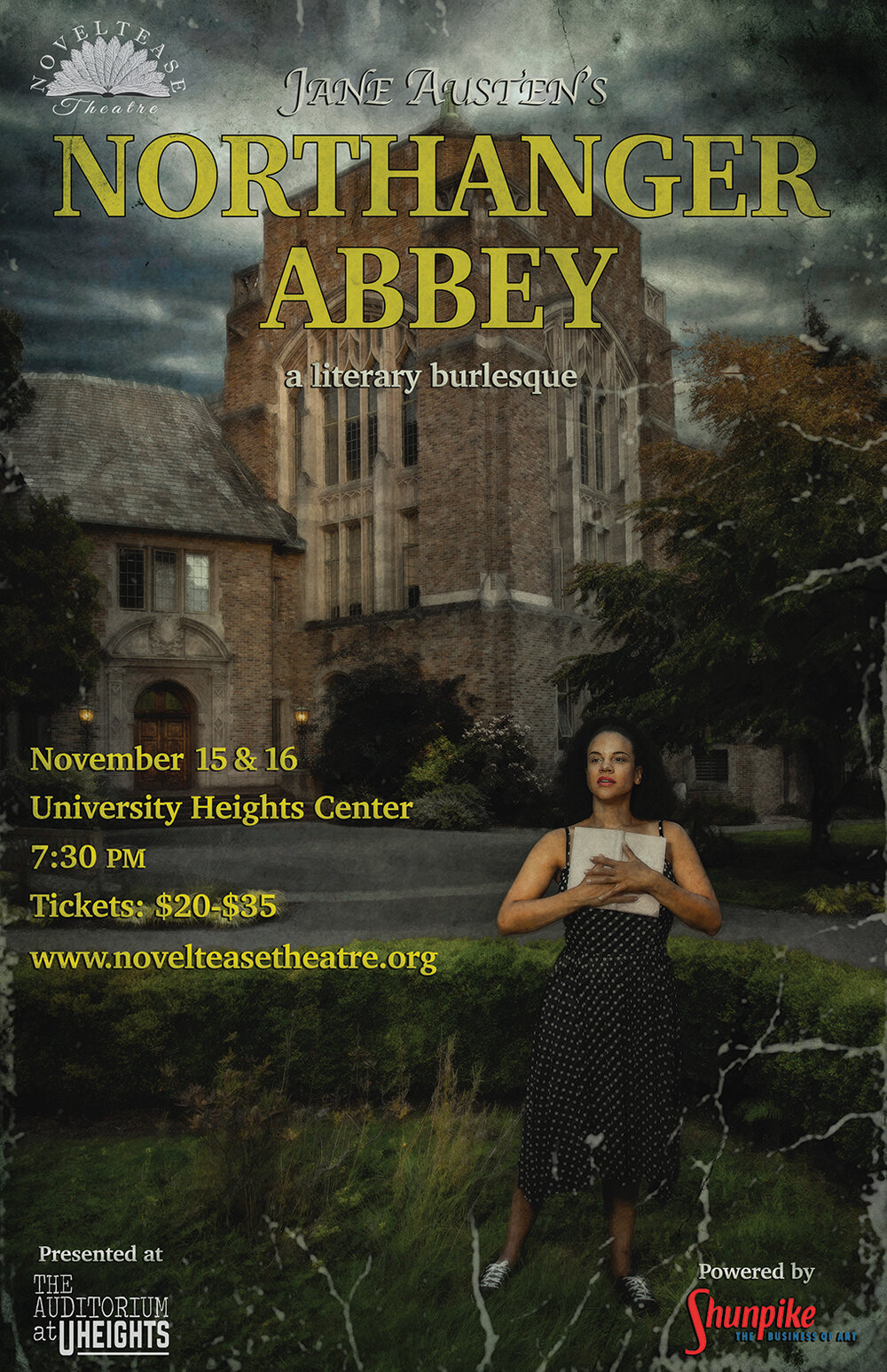
Do you know about sponsor Noveltease Theatre? They adapt classic books into neo-burlesques: good-natured parodies of great books to reclaim and rework the canon from a sex-positive, queer, and feminist standpoint.
Their latest production is Jane Austen's own Northanger Abbey, and they're putting it up this Friday and Saturday night, November, 15th and 16th. Some tickets are still available, but grab yours soon to make sure you get a seat. Head over to our sponsor's page to read more about the what and where of the event: the why is obvious. Good fun!
If you want to reach our readers, like Noveltease and other sponsors do, great news! We've got some great deals on upcoming weeks in the primetime of the holiday season. Check out our sponsorship page for more information, or if you're ready to book, check out dates and prices!
The visible woman
Published November 12, 2019, at 12pm
Artemesia Gentileschi is having a moment right now in the Pacific Northwest, appearing in young adult novels, plays, and the Seattle Art Museum. A new comic from Fantagraphics looks to contextualize the Renaissance painter for a new generation.
A Short Run is bigger and better and bigger than ever
The Short Run Comix and Arts Festival this year looked a lot like Short Runs past: there was a tremendous bake sale; more zines, comics, and books than any human being could read in a lifetime; an animation project; activities for kids; speakers and art shows; legendary local creators and brand-new young cartoonists with their very first books. It's a convivial celebration of hand-made art — the kind of art that is made for its own sake, to represent a perspective that doesn't get time and attention in the mainstream media.
Short Run is, in short, always one of our very favorite events in the Seattle literary calendar year. Most years, it winds up being our single favorite event. It's all about balance: there's a mix of young and old, familiar and new, fun and serious. Short Run is meticulously planned, but it still feels like a really good afternoon hang with all your friends. This should be impossible, but somehow it works.
But there was something different about Short Run this year: it was packed. Every Short Run in the history of the festival has been crowded. But this year's Short Run felt, from beginning to end, almost besieged with comics and zine fans. Some publishers we talked to said they were selling far more books than in festivals past, and a few cartoonists said they were seeing more people take interest in their work. More than one person worried that the fire department might be called to shut the show down for overcrowding.
That said, the crowding didn't feel dangerous. Everyone was polite as they tiptoed around each other to get to a mobbed table. Children were given wide berths and watched after affectionately by strangers. People, in short, weren't assholes about it: we were all there for a common purpose, after all, and that purpose ultimately boiled down to fun.
In our first circuit around the floor, we checked in with many of our perennial favorite local Short Run attendees. A short overview, though you'll likely be hearing more about many of these books in the weeks to come on this site:
- David Lasky, Seattle's Comics Goodwill Ambassador™, brought two new books to the show: volume 9 of his Manifesto Items collection of the short comics, sketches, and assorted works he's worked on over the past year; and a new book of cat sketches. Lasky also brought along a preview of his upcoming graphic novel history of the Georgetown Steam Plant, which he and Mairead Case were commissioned by the city to produce in 2017. The book looks ambitious and densely researched, and we can't wait to read it.
- Marc Palm, the Mad-Magazine-published local cartoonist who does sex and violence better than just about anyone, brought a new collaboration minicomic with Brandon Lehrman about the mythical "Florida Man," a mulleted demigod in reflective wraparound sunglasses.
- Everybody's favorite debut cartoonist of the year, Susanna Ryan, a.k.a. Seattle Walk Report, continued to enjoy the loss of her anonymity by exhibiting her wonderful collection of Seattle walking cartoons and a mini made just for the show: Seattle Coal Chute Crimes of the 1930s. Here's hoping this is the first of a new densely researched series of Seattle history comics from Ryan.
- Short Run co-founder Kelly Froh debuted a brand-new comic called The Downed Deer, a moody work of fiction that takes a surprising turn.
- Colleen Frakes was proudly showing off a remastered and expanded tenth edition of her Ignatz Award-winning young adult fable Woman King.
- And Short Run co-organizer Mita Mahato, whose paper-cut comics poems always take different forms and formats, was at the show with a delicate and compact series of short poems about animals, It's All Over. Mahato has demonstrated a vast and growing empathy for the animal kingdom in her work over the past few years, and this gorgeous palm-sized collection looks like another evolution in that direction.
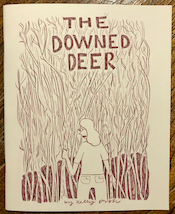
We can't wait to dig in to all these books. Stay tuned for reviews as soon as we can devour them.
Over the last year, Ezra Claytan Daniels has rocketed from relative obscurity to become the king of indie comics. His sci-fi thriller about the quest for eternal love, Upgrade Soul, has been nominated for just about every award in comics. The afterlife quest comic he wrote for cartoonist Ben Passmore, BTTM FDRS, has been a bestseller for Fantagraphics Books. And we were excited to get our hands on a copy of his new polemic, Are You At Risk for "Empathy Myopia?" A Thought Experiment for Privileged Readers, which he described to us in an interview last month. Daniels is pitching the comic as a way to resolve the broken political discourse in this country — is that all? — and when he handed us the book, he had a suggestion: "Make sure to give it to your most problematic family member," he laughed.
In the world of New Fears, the circuits are miswired. Flip on the light, and you disappear; take scissors to your hair, and a dark gash appears across your eyes. In four precise squares per square page, in sharp black, cyan, and coral, Anuj Shrestha draws subtle nightmares that subvert the expectations of illustration. An illustrator with work in the New York Times, Wired, and more, Shrestha owns the art of small stories, and the chills he invokes with the macabre translate quickly to the pragmatic: a world where dinosaurs become jets become ocean, where perspective transforms child staring through a fence into children staring out. He's drawing out our fears — which are rapidly becoming old.
Moniker Press (Vancouver, BC) is about small runs (ahem) and ephemera, and especially collaborations between writers and visual artists.fol.ci shows how multiple artists can transmute an idea, batting it back and forth like two cats with a mouse. Viorica Hrincu's short series of poems approach a loss of something considered essential to beauty, which is essential to being loved. While Hrincu’s measured verse plays out, page by page, Melissa Soleski's illustrations build crazed, uncertain stairways, host strange hair-creatures, weep and discover the brightness of flame and flower.
One thing we noticed at Short Run this year: Riso printing is so hot right now. The sheer number of gorgeous, hand-printed books was through the roof compared to Short Runs last. Simply put: people's work looked really, really good. It's still hand-made, but there's a professionalism and an artistry to risograph printing that mass-produced paperbacks simply can't touch. The inclusion of so much riso printing definitely drove up the per-item average cost at Short Run to heretofore unprecedented levels — this kind of artistry doesn't come cheap — but it made the show even more beautiful than ever.
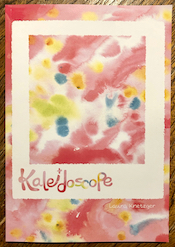
We're always glad to run across Laura Knetzger at her table. After falling hard for her series Bug Boys a few years back, we make sure to check out what's new in her world. The big news, of course, is that Penguin Random House is putting out a collected Bug Boys in February, so that is something to look forward to in the new year.
Sadly, that meant no new update of the ongoing comic this year. Instead, we picked up the first issue of her new Kaleidoscope, a book with three original medium-length comics. Unlike Bug Boys, these stories carry adult themes, and use magic and fantastical situations, in what feels like the "real" world, to explore the power in relationships, sexuality, and earnest desires — both unfulfilled, and perhaps, in one case, better left unfulfilled. They are about showing another being your feelings, and discovering where their's may, or may not, join with yours.
Like Bug Boys, they are thoughtful, sweet, and tender in a kind of vulnerable way that Knetzger uniquely embraces, instead of playing it down with irony or other tricks of removal. It reinforces the thought that Knetzger is a truly brave writer — not in the autobiographical sense of inviting you into her personal minutia, but in the sense that the themes she explores appear to be the things that engage and concern her, both philosophically and in her interpersonal relationships. She's like the fantastical Iris Murdoch of Seattle's indie comics scene, and we're lucky to have her.
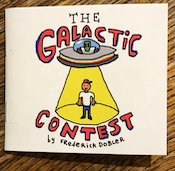
A nine-year old traveling with us was quite taken with The Galactic Contest, a mini-comic from Fredrick Dobler, from Olympia. Not only that, but Dobler, and his tabling companion, sat and asked the nine-year old about his own comics making, and engaged him in a conversation where they took him seriously and listened to what he was creating. Very kind and appreciated, and the comic is good fun — about an earthling abducted by aliens and placed into a contest to save humanity.
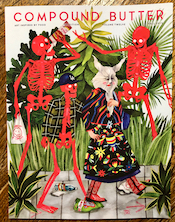
We stopped by the Compound Butter booth to see co-creators Jaya and Jessie Nicely, who travel up from LA to visit Short Run each year. Their delightful quarterly food magazine explores food through cultural and community lenses. The Fall 2019 issue has many delights, including a photo series on the Artist's Diet (artists include Georgia O'Keefe:"Chili Verde with Eggs and Garlic Oil in her breakfast room at Ghost Ranch", and Marcel Proust: "Strong Black Coffee, Boiled Milk, and a Croissant in his bed with his mail delivered on a silver tray"), and many other pieces grouped around the theme of Tradition. If you love food content and writing, and haven't checked out Compound Butter yet, you are in for a real treat.
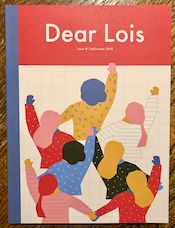
Dear Lois is a magazine subtitled "in the company of growing women", and intended for a teenage girls who might be seeking guidance from adult women on the complications of being a young woman in today's world. "Dear Lois is the older cousin who won't make fun of you for asking 'dumb questions'", is how it's put in the intro to issue 1.
The brainchild of Seattleite Mariah Behrens, Dear Lois is another indie magazine (like Compound Butter, mentioned elsewhere in this article) that raises the bar for indie work. It's absolutely gorgeous — printed in Vancouver at the storied Hemlock Press, with thoroughly considered design and illustration. It feels relevant and cool enough to reach its intended audience, while carrying no advertising that might minimize or twist the message. Sections like "Advice pages", "Your body", "Your ambition", "Your character", and "Your community" speak plainly and artfully. It's wonderful work, and all the more impressive as the mission of a single person.
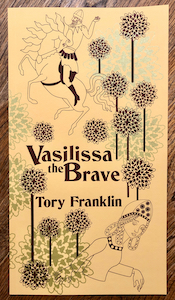
Tory Franklin's work is graphically rich and technically breathtaking. We walked by her table and looked at her oversized short-edition book Vasilissa the Brave. We thought about it throughout the rest of our stroll through the hall, so we went back and bought a copy to take home.
The truth is, some expensive pieces will haunt you, and it's our firm belief that if you are haunted by a comic, you should pay the ghost heed with an offering, which has the added benefit of supporting the artist in their making. Buying the work turns the specter into a real book you can hold and carry with you and even write about after the fact.
This big (approximately 19.5" by 11"), but not long, book is screen printed and hand-painted, in the style of Russian Lubok prints. A re-telling of a famous Baba Yaga story, Franklin's version, with large walnut-ink colored type and a ten hand-colored pages, is the kind of artist's book we'll put on our tallest shelf, and pull out many times over the years just to appreciate how something as commonplace as a book can feel both magical and humane at the same time. Our yearly Short Run splurge, and we don't regret it for a second.
Magda Boreysza's children are becoming — becoming wolves, becoming foxes, becoming tigers. And wolves, foxes, and tigers are becoming girls, from the outside in. Wakeling: How to Transform is a gorgeous reversal of all those fairytales in which young men have the privilege of flight (why would anyone stop being a bird?) and young women are foxy seductresses. Boreysza's girls practice hard, wear masks in the hot summer sun, give their human skin and bones over to win fur and feathers and claws. Instead of growing up, they take on real power. What's stunning about these transformations is that they're only possible on the page, where one thing can be two, or three, or more, without ever not being one. In the same way a book can be more than a movie, these drawings demonstrate how far special effects still have to go.
Serendipity is a great joy of Short Run — the unexpected pairing. Here's one: Nature Is Not My Favorite (Rebekah Markillie), with Vantage #3 (Eroyn Franklin). Nature Is Not My Favorite is the antidote to waldenponding: a short (about the size of a hand of cribbage) essay questioning Northwest nature-worship: "When the world burns, will I have missed some cataclysmic truth by not walking on the same dirt path thousands of other feet have trudged across?" It's true: like the infamous Everett photo, we are all celebrating transcendence we don't, for the most part, experience. Check out Markillie's zines + things; we could have bought everything at the table.
Just as we're hanging up our hiking boots, Eroyn Franklin jumps into the fray. Since 2012, Franklin (co-founder of Short Run — thank you, Eroyn!) has documented a handful of long walks in her Vantage series. Vantage 3 captures a multiplicity of journeys in a disorientingly intricate origami piece — a paper fortune-teller where each future opens from micro to macro. It's a celebration of the long-distance tromp, spent staring at your feet until the world startles you by being bigger than you are.
We are big fans of cartoonist Sarah Mirk, and we were very excited to finally score a copy of her polyamorous sci-fi comic Open Earth at this Short Run. But the real star at her table were the literal hundreds of zines she's made this year — one new zine made for every single day of 2019. We dug through boxes, scanning for five or ten titles that appealed to us, and we came away with a variety of comics: Proud to Be a Socialist, Parts of the Vulva and Vagina That Are Named After Dead Men, Transit Systems as Fictional Characters, and more. In the midst of her most prolific year yet, Mirk is demonstrating the true spirit of Short Run: communication for the sheer exuberance of it, in a populist, mass-market format that is at once low tech and high empathy.
As always, the Seattle Review of Books left Short Run with our collective pockets a few hundred dollars lighter, but with a renewed enthusiasm for Seattle's world-class cartooning community. The joy of it all is to see the infinite variations that artists can enact with just ink and paper, and this year's haul is a wide-ranging collection of work that serves as a testament to art for art's sake.
About that overpopulation, though. We couldn't help but wonder if this is a crossroads year for Short Run. We heard from multiple exhibitors that they struck up conversation after conversation with customers only to hear that they'd traveled from far away to attend the show — some from California, some from the Midwest, some from the East Coast. Short Run, in short, is becoming a destination.
Of course, it was only a matter of time. I don't think there's any other convention that offers table space at such low prices to cartoonists and that doesn't charge an admission fee for attendees. Short Run is meant to be as affordable and accessible as possible, and the cartooning community has risen to that challenge with joy and enthusiasm. That means a lot of people have embraced Short Run as a community, and like anything that you love, those cartoonists have talked about their community to friends, and the friends want to take part in the community now.
So can Short Run grow any bigger while still remaining Short Run? Moving to a bigger venue would probably require the festival to charge more. Adding days to the floor show might strip some of the fun for the exhibitors. Charging a set fee at the door might turn away some of the starving artists who need the show most. It's possible that Short Run can keep going at the same size for the foreseeable future. But the problem is that it's such a beloved festival, with such dedicated fans, that it's hard not to envision more and more people wanting to take part.
We worry because we care. Short Run is simply the best party we can imagine, and a party isn't a party without that small-but-nagging concern in the back of your mind that it's going to end. We want it to go on forever, and we want everyone to know the exuberance and enthusiasm and pure love that we have enjoyed for so long at the show. Is that too much to ask?
Fireweed
In spring, fireweed sprouts around Puget Sound,
rose-tipped cairns that lure a flock of seagulls
downward, winter-worn, to make a hill’s crown.
In the mouth of the bay, a tugboat’s hull
severs the slack water like black fabric,
the shape of the prop-wash a dull green trail
that opens as a fan. The captain flicks
his cigarette butt against the ship’s wheel
and turns south to the beach, taking a fix
on the basalt cliffs at the shoreline’s rim,
their chalk-white shelves collapsed above the rocks.
He charts a constellation on his arm,
the face of a hill which blooms in a rash
the birds now spiraling upward like ash.
Your Week in Readings: The best literary events from November 11th - November 17thj
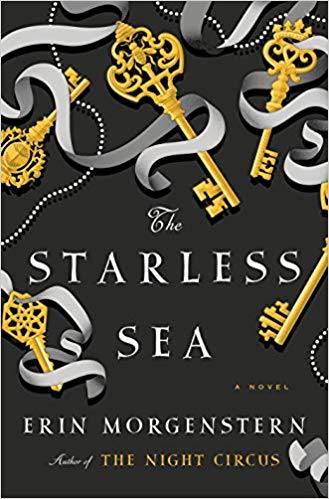
Monday, November 11th: The Starless Sea Reading
Erin Morgenstern's novel The Night Circus was a bestselling crowd-pleaser of a novel. Her newest is a love story involving pirates, a secret book, mysterious organizations, and lots of adventure. Third Place Books Lake Forest Park, 17171 Bothell Way NE, 366-3333, http://thirdplacebooks.com, 7 pm, free.
Tuesday, November 12th: For Love of Orcas Reading
This is a reading to celebrate a new anthology about the beloved sea mammals. Contributors to the anthology, including Sarah DeWeerdt, Bob Friel, Paula MacKay, Brenda Miller, Adrienne Ross Scanlon, and Jill McCabe Johnson will all read.
Hugo House, 1634 11th Avenue, 322-7030, http://hugohouse.org, 7 pm, free.
Wednesday, November 13th: A Marvelous Life Reading
Marvel Comics editor Danny Fingeroth has written a new biography of Stan Lee that examines Stan Lee's legacy in full, including his controversies and his failures. Lee has been praised to the heavens, so it's nice to get a little perspective on the man in full. Fingeroth will appear in conversation with local cartooning expert Paul C Tumey Elliott Bay Book Company, 1521 10th Ave, 624-6600, http://elliottbaybook.com, 7 pm, free.
Thursday, November 14h: You Failed Us Reading
See our Event of the Week column for more details.
Elliott Bay Book Company, 1521 10th Ave, 624-6600, http://elliottbaybook.com, 7 pm, free.
Friday, November 15th: Pigs Reading
Johanna Stoberock's much-praised new surrealistic novel is about four children who live on an island that contains all the world's garbage. They live in a kind of harmony on the island with trash-eating pigs, but then things get weird. Elliott Bay Book Company, 1521 10th Ave, 624-6600, http://elliottbaybook.com, 7 pm, free.
Saturday, November 16th: Watershed: A Poetry Workshop
To celebrate an environmental installation by architectural artist Oscar Tuazon, Washington State Poet Laureate Claudia Castro Luna presents a poetry workshop to discuss and consider water in all its forms. Poems written in this workshop might be included in the Tuazon exhibition. Henry Art Gallery, http://www.henryart.org/, 2 pm, $10.
Sunday, November 17th: Writing the Other
In this free workshop, Seattle sci-fi author (and Seattle Review of Books columnist) Nisi Shawl teaches how to write fiction about people who have different gender, race, and abilities than you.
Seattle Public Library, Beacon Hill Branch, 2821 Beacon Ave S, 684-4711, http://www.spl.org/, 2 pm, free.
Event of the Week: You Failed Us reading at Elliott Bay Book Company
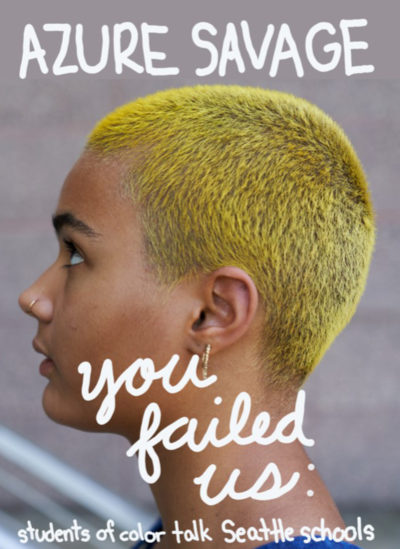
At a time in their life when many kids are focused on having fun or getting into the best colleges, Garfield High School senior Azure Savage has written and self-published a book. That level of concentration and motivation in any young person is admirable; my teen years, at least, were packed full of unfinished novels that I worked on for a few hours before quitting in disgust.
But Savage has not just written a book; they've written and published a memoir that doubles as a work of journalism. Even more impressive, the book is highly critical of Savage's own public school experience. You Failed Us: Students of Color Talk Seattle Schools features Savage's own story alongside dozens of other Seattle Public School students. It's a scathing indictment of our public school system.
Savage recounts their own experiences in Seattle Public Schools, starting with a kindergarten teacher who lumped children of color together in a group of "bad" kids and the white kids as "good" kids. You Failed Us recounts personal stories of institutional racism and sexism and ableism that many students have endured.
Savage has been reading around town this fall, but this Thursday is kind of a big deal: they'll be presenting the book at Elliott Bay Book Company in conversation with Seattle journalist Marcus Harrison Green, who founded the South Seattle Emerald and is a columnist at Crosscut. It's another remarkable milestone in a remarkable year for a remarkable young Seattleite. Let's give them our attention and try to do better.
Elliott Bay Book Company, 1521 10th Ave, 624-6600, http://elliottbaybook.com, 7 pm, free.
Sunday Post for November 10, 2019
Each week, the Sunday Post highlights just a few things we loved reading and want to share with you. Settle in with a cup of coffee, or tea, if that's your pleasure — we saved you a seat! Read an essay or an article online that you loved? Let us know at submissions@seattlereviewofbooks.com. Need more browse? You can also look through the archives.
This week, three pieces about bodies: the mortal in a stark piece of Chinese non-fiction, the political in a stirring Brazilian poem, and the insane in a magical English short story.
Searching For Bodies
I found this story while researching Chinese literature on bodies for my Hugo House writing class (Winter term class catalogue available tomorrow!). Originally published in 2005 and translated into English in 2019, Ma Jinyu explores the art of corpse preservation in Shanxi mining towns in this piece of creative nonfiction. The detail is astonishing, you can almost smell the oil cakes and mutton, the bitter fragrance of a Chinese medicine counter, the stark nihilism of the villagers. You’ll shudder at the mention about the scalding water where the morticians bathe the bodies of dead miners, cough at the dust rising up with the motorcycles. It’s just a plain good story that makes you feel unmistakably, ferociously alive even when all it talks about is the dead.
But no matter how you washed the deceased you couldn’t get them clean, because their blood had stopped circulating and their pores wouldn’t open. Especially around the eyes, the skin was always as dark as if it had been covered in eye shadow. Old man Liang said that they usually used laundry detergent, dipping a towel in a little water to scrub the skin clean. But even if they used a lot of detergent, places like the face, hands and any areas that had been injured or had open wounds would remain covered with coal dust and soot that couldn’t be cleaned away, “not with a lifetime of scrubbing.”
Poem to be Read on Inauguration Day
In the US, the word impeachment is everywhere. But before we even arrived at the possibility of impeachment we witnessed an inauguration, before that, a victory and a defeat, and before that, an election, and before that, a different president, and before that, a different world. In the latest issue of one of my favorite magazines, Asymptote, a journal of translation, published a 2010 poem from Brazilian poet Alberto Pucheu, “Poem to be Read on Inauguration Day.” This poem first ran in one of Brazil’s largest newspapers the day before the October 2010 election, where the outgoing president was one of the most popular of all time, and the eventual victor was Brazil’s first woman president, who six years later was eventually (and controversially) impeached for corruption – a strange, paralleled inversion of our own political reality.
Pucheu was inspired by “Praise Song for a Day,” the Elizabeth Alexander poem read on the day of Obama’s inauguration. You can see the echoes: strangers passing each other the streets, the mundanity and violence of our lives, the hope of love, communion, and survival. But Pucheu’s is also a defiant refutation of the political apathy that has led to a world where “killable bodies” flee “athletic gunshots,” where we dream of “bar codes on the backs / of necks… making / bodies available to a machine that would insist / on recognizing them by some number/ in which we would never recognize ourselves.”
Going up or going down a street,
we attest to this hiatus of unknowing
between the abandoned body and the different lives
that try to colonize it, between the naked life
and the living garments that cover it,
between raw life and whatever part of it is cookable,
between open life and lived life.
Mina and Mirka Move to the Village
A vinegary excerpt from a short story by Victoria Manifold in The Lifted Brow, an Australian magazine, is a ride through lunacy, decay, death, village gossip, frogs and Old Testament-like natural disasters. If you liked the magical claustrophobic intensity of One Hundred Years of Solitude, you’ll love reading this. Two sisters, the pretty and glamorous Mina and the sharp and wry Mirka, become widows simultaneously, and move back into the dilapidated mansion where their mother is, quite literally, shrinking away from the burden of sanity. I won’t give too much away, but it’s so visceral and acidic, you’ll find yourself clutching your tongue to your teeth the whole time.
Every day the milk would sour as soon as the sun rose but neither Mina nor myself would condescend to acknowledge it. Instead we drank it in lumps from the bottom of china bowls, each daring the other to admit the taste was vile. Mina would stare straight into my eyes and ask “Are you enjoying your breakfast Mirka?” and I would stare straight back and answer “mmmmmmmmm,” whilst rubbing satisfied circles all over my paunch, “And you Mina?” I would ask, “how is your breakfast?” “mmmmmmmmm,” she would say too, rubbing her own paunch even more vigorously and displaying even more satisfaction.
Whatcha Reading, Trixie Paprika?
Every week we ask an interesting figure what they're digging into. Have ideas who we should reach out to? Let it fly: info@seattlereviewofbooks.com. Want to read more? Check out the archives.

Trixie Paprika is a company member of the delightful Noveltease Theatre (we've written about them before. She's playing John Thorpe in Noveltease Theatre's adaptation of of Jane Austen's Northanger Abbey, which is running November 15th and 16th at the Auditorium at U-Heights. You can find more information here on their site, or if you're ready to to buy tickets to a literary burlesque show, then you can fetch them here. Don't miss out!
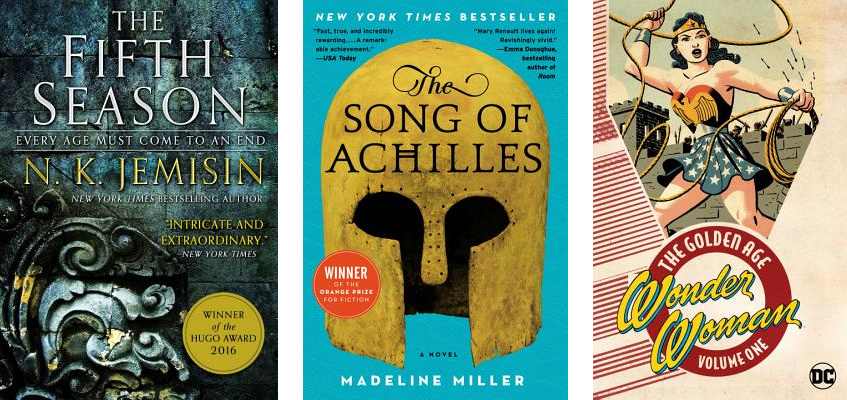
What are you reading now?
The Fifth Season by NK Jemisin. A friend of mine recommended her work, and I have absolutely torn through it. Jemisin's sci-fi/fantasy world building is phenomenal, and she manages to make her social commentary clear without hitting you over the head with it. I've been blown away by how different her characters are from one another, as well. So far The Fifth Season is as emotional packed and riveting as the rest.
What did you read last?
The Song of Achilles by Madeline Miller. Honestly, I didn't expect to like this book at all, as war stories aren't really my thing. But the attention to detail in the characters and the central question of destiny vs. free will was compelling, and I appreciated an historical gay love story that didn't map modern identities onto the characters.
What are you reading next?
A little unconventionally, my next book is a collection of original Wonder Woman comics that I've had for a while but haven't delved into. After seeing the movie Professor Marsden and the Wonder Women, I was curious about these original comics, and from a first glance through, they are definitely full of scenes that in another context could be considered kink. And that's fascinating. So I'm looking forward to reading more.
The Help Desk: We Don't Need Another Hero
Every Friday, Cienna Madrid offers solutions to life’s most vexing literary problems. Do you need a book recommendation to send your worst cousin on her birthday? Is it okay to read erotica on public transit? Cienna can help. Send your questions to: advice@seattlereviewofbooks.com.
Dear Cienna,
My husband is trying to get our four-year-old son into comics — Spider-Man and Superman and all that stuff. I don't want to be a snob, but I think that superheroes are emblematic of toxic masculinity, and the idea of an individual taking the law into their own hands is pretty fascist when you really think about it. Plus, so many superheroes are billionaires, which is just morally disgusting.
My husband loves superhero movies, and so I don't want to deprive him of sharing this love with his son. But how can I counterbalance the ineffable mainstream cultural grossness that this colorful slab of pop culture is weighing down on my son's brain?
Allison, Fremont
Dear Allison,
Reading a few Batman comics won't magically turn your son into a misogynist any more than it will a billionaire (if books had that kind of power, Lord of the Flies would be my Bible and half the people I grew up with would've have made it past second grade, SQUEEEE!). Plenty of good nerds were raised reading Bat- and Spider-man comics and can differentiate between fantasy and reality. None of the comic book nerds I know are vigilantes. None of them can even run a block without puking. And most have great and stable partnerships with smart, capable women. (Or at least they have me as a friend, which counts as maybe partial credit?)
So! It seems here that the antidote to toxic masculinity is (in part) having strong women in your life that you love and respect. It's also having smart people around to talk through the themes found in comic books and explain why some of them might be outdated figments of a (more) misogynistic culture.
So do both of those things, and also maybe buy your son Bitch Planet1 or Ms. Marvel or Planet of the Nerds2for Christmas, and start your own comics tradition with your son.
Kisses, Cienna
-
Its contents might be a bit mature for a four-year-old, however. Unless you want your son to learn about female masturbation before he goes to preschool. ↩
-
Written by this site's very own Paul Constant, who did not endorse this reference but hey, he wrote a clever comic grappling with 80s stereotypes of toxic masculinity and nerd culture, and I thoroughly enjoyed it. (see, also, previous endnote.) ↩
The Portrait Gallery: Saeed Jones
Each week, Christine Larsen creates a new portrait of an author for us. Have any favorites you’d love to see immortalized? Let us know, or see if you can find them in the archives.
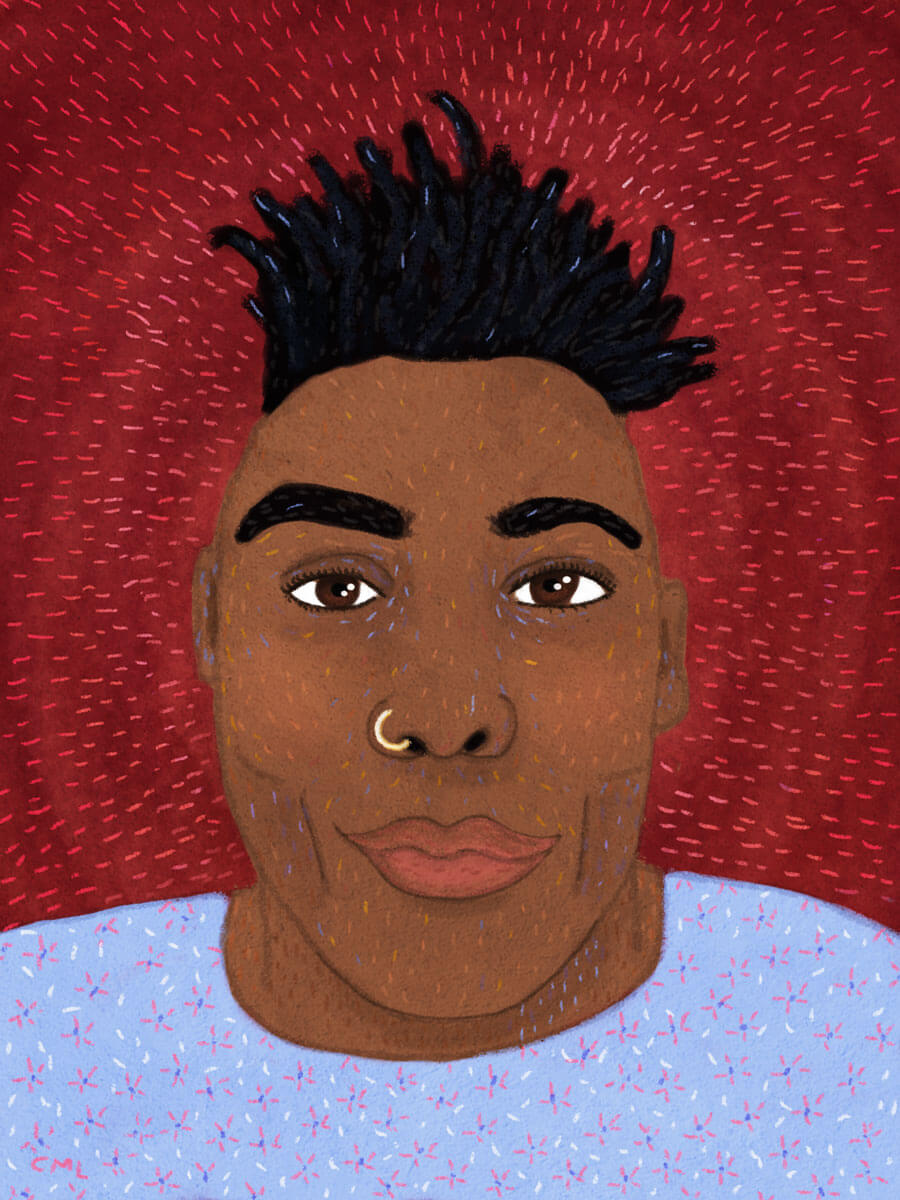
Thursday, November 7th: How We Fight for Our Lives Reading
You likely know Saeed Jones from BuzzFeed, where he covered books and culture in such a way that even the mainstream had to pay attention. Jones is also an accomplished poet, and now he’s the author of How We Fight for Our Lives, a memoir about his coming of age. Northwest African American Museum, 2300 S Massachusetts St, 518-6000. http://naamnw.org, 7 pm, free.
Kissing Books: Le grande geste
Every month, Olivia Waite pulls back the covers, revealing the very best in new, and classic, romance. We're extending a hand to you. Won't you take it? And if you're still not sated, there's always the archives.
Jane Austen’s most popular proto-romances are rather ambivalent when it comes to the grand gesture.
In Pride and Prejudice, Darcy of course tries to hide his generosity from the Bennet family: he swears Lydia to secrecy (as if that was ever going to work) and gets palpably awkward when Elizabeth dares to break silence and thank him for it.
In Persuasion, published posthumously, there is no final grand gesture at all — a single letter, secretly delivered, brings our characters into harmony with one another. An earlier version of the story saw Captain Wentworth being maneuvered into asking Anne Elliot about her assumed plans for matrimony — which has a little bit of the savor of the grand gesture’s public risk — but in the end Austen edited this out in favor of something much more intimate.
Now, of course, after two hundred years of books, films, and television love stories, romance aficionados have come to anticipate sweeping declarations/acts of atonement like so many now enshrined in the RomCom Canon. Boomboxes held up beneath a window, cue card confessions on a snowy London street, blue French horns stolen from candlelit restaurants, pop tunes belted into a microphone with a surprise marching band accompaniment. A declaration in front of the Queen. One thousand anguished airport pursuits.
The modern grand gesture is painfully, necessarily public, shading sometimes into cringing embarrassment (on the part of a character, or sometimes the audience).
One imagines Jane Austen would be appalled.
I can’t help but speculate a little on how this lines up with the division between love (as sexual/romantic affection, courtship, partnership) and marriage (as social structure, alliance, dynastic strategy, or government institution). Current Western culture takes it as a given that love is what marriage is for — but any half-hearted glimpse into history will show just how recent an innovation that attitude really is (one not-too-ivory-towerish recommendation: Marriage, a History by Stephanie Coontz). Jane Austen is one of the first writers of what’s come to be called companionate marriage — but her ambivalence still preserves a line between love (personal), and marriage (societal).
It is not a politically neutral question to expect true love to be public.
Disability can affect a person’s access to public space, attention, and consideration. Anti-miscegenation laws were on the books in living memory. Queer couples’ confessions of love involve quite different risks than do those of the hetero setero. Romances novels that engage with these margins often end up looking rather Austenish: quiet, intimate, even a bit secret. Or else the public/personal division is part of the central problem — take Casey McQuiston’s Red, White, & Royal Blue for example, or Alyssa Cole’s brilliant Loyal League series.
I don’t have any earth-shattering, actionable insights about all of this. It’s just been a bit on my mind. Christmas is harvest-time for romantic comedies (with or without ghosts) and this is the part of the pattern I’ve been trying to puzzle out.
This month’s books are a mix of quiet revelations and all-out spectacle. On the quiet side we have a pair of 1920s queer ladies, two disaster bi lovebirds in small-town California, and a couple on opposite sides of an urban garden. On the side of spectacle: two Regency naturalists in a rom-com retelling and a jewel thief wooing a prickly detective with stolen opals and self-abnegation.
(Note: I will be taking the month of December off, so I will see you back here in January with hopes for a fresh new year!)

Open House by Ruby Lang (Carina Press: contemporary m/f):
This second book in Ruby Lang’s dazzling Uptown series (they stand perfectly wonderfully on their own, companions rather than a continuity) features a real-estate broker drowning in student debt and an accountant turned reluctant organizer, who square off over the fate of a renegade community garden in Harlem. It’s witty, it’s thoughtful, it’s a little bit of a heartbreaker. And it may be one of the best uses of the We Can’t Both Win trope that I have ever, ever seen.
We Can’t Both Win asks one of the most powerful questions in romance–or really in all philosophy: how do we resolve the unresolvable? Who has to compromise, to bend, to give in? And why? In romance the answer is always love, of course–but the characters can’t give in for generalized, abstract capital-L-Love. That’s a cop-out and we know it.
No, the best resolutions here involve something specific, and it has to be at least a little bit of a surprise for the reader. That’s how you get the deepest gut-punch of the emotional payoff.
This book gets it. No, I’m not going to spoil it for you. Just know that it was perfect and I wish I could reread it a thousand more times.
Ruby Lang continues to shine, her prose the best kind of snappy contemporary writing–and then it started knocking me flat on my ass. Magda and her perennially disappointed sisters. Oliver and his grumpy friendships with the elderly women gardeners. The stubbornness of grief, the struggle to get one’s life back on track, the way lust and attraction can blossom into affection and loyalty and joyful sacrifice.
And the sex scenes? Whooo boy. I was a wreck. There’s one in a blacked-out New York that I’m going to be thinking about for years to come.
If you need a little bit of springtime as the leaves begin to fall, this is the book to reach for.
”One bed,” he repeated stupidly, his brain spiraling out in inappropriate ways.

Xeni by Rebekah Weatherspoon (contemporary bi m/bi f):
Rebekah Weatherspoon writes the best people. Just the best: big, burly hunks with thighs like oak and hearts as tender as springtime, smart and scrappy witches taking charge of themselves and their lives even when the shit’s hitting the fan, queer folks and found families for days. This book is the follow-up to Rafe and is just as much of an escape and a joy — only instead of a buff, tattooed male nanny, we’re treated to a beautifully fat, bisexual Scotsman (with the accent!) named Mason, who plays seventeen instruments, cooks for a living, and would really enjoy being pegged.
Oh, and according to her late aunt’s will, Xeni has to marry him in order to inherit a family fortune. What is a grieving bisexual witch supposed to do?
Take the gorgeous man to bed, of course — because it would be fun, and her friends are far away, and funerals are awful, and her family’s giving her hell, and sweet, sexy Mason is the best thing about this whole mess Xeni has found herself in.
I’m going to do give you a lengthier than usual excerpt: I just want to show you the sheer pleasure of watching these two people in challenging circumstances find ways of connecting and being kind to one another. (And then banging for days, of course, but you’ll have to pick up a copy of your own if you want to see the sexy stuff.) It’s a joy and a gift to the reader, in the author’s boldly generous style.
She didn’t realize the ground was damp until she’d let her weight settle into the grass, and she couldn’t bring herself to care. She couldn’t be bothered with the small group of mourners who were watching her lose her shit. Xeni pulled her knees to her chest and then stared at the water. She wanted to cry, desperately needed to, but her body refused. Still, she needed just a moment to try and take it all in. She had about three seconds to pretend her pain was private before the unmistakable drone of bagpipe music rose behind her. Xeni had forgotten how fucking loud the bagpipes were. She closed her eyes against the sound and forced herself to breathe.
It was another ten seconds or so before Xeni realized what song he was playing. “Another One Bites the Dust” was a hilarious selection for a send off, but maybe not the most appropriate. Her head turned automatically. For some reason, she didn’t expect to see Mason looking back at her, his large brown eyes rimmed red. He continued to play even as she raised an eyebrow at him, questioning what exactly the fuck was going on, but all he did was shrug and roll his eyes, the sadness on his face disappearing for just a moment. Right. It wasn’t his song choice.

My Fake Rake by Eva Leigh (Avon: historical m/f):*
My favorite new critical tool from this year (thanks to Jennifer Hallock) is the chronotope: a specific way of representing time and space in fiction. Regency romance is a chronotope — and so, of course, is high school. From noir-inspired mysteries like Brick to Jane Austen-in-Los Angeles in Clueless to Shakespeare retellings like 10 Things I Hate About You, turning classic literature into high school narratives is something of a cottage industry.
My Fake Rake is the rare reverse: a genderswapped She’s All That where the hero is the one getting the makeover, set among the intellectual set in Regency England. It’s also the first book in a new series, based around five former schoolmates who bonded after one day’s discipline.
Yes, it’s a Regency Breakfast Club. Yes, I loved it.
The translation works because high schoolers and 19th-century aristocrats are both groups obsessively fixated on social status, sex, and money. Also dancing! (The waltz scene in this book was unusually gorgeous.) I giggled through half of it and cried through the rest. I’m on record as being a staunch fan of Eva Leigh (and her Zoe Archer books as well) and this is some of her best work.
Lady Grace Wyatt is wealthy and brilliant and wants a partner who can share her passion for natural history. She knows just the man, a dashing explorer — except he admires her mind, and has made it painfully clear he sees her only as a mind, not as a marriage prospect. What better way to catch his eye and spur his interest than by being courted by a fashionable, flirtatious dandy?
But Grace doesn’t know any dandies. She knows Sebastian Holloway, anthropologist and one of her closest friends. Who, if he removed his spectacles, would be rather stunningly attractive. And who, unbeknownst to Grace, has been half in love with her ever since he loaned her a pencil on her first visit to the library all those years ago.
At this point in the description, you already know if you’re in or you’re out. This is the purest kind of melodrama, fluffy but with moments of raw angsty goodness, and a rather spectacular amount of drama at the end. It is completely over the top and full-commitment in every way, and I had an amazingly good time throughout.
Before Grace could object, the duke plowed on. “In any event, I would ask you to take note of the men outside, and how they interact with the ladies. Not the older gentlemen who’ve settled into a comfortable middle age. The younger set.”
“The ones with the tightest breeches,” Grace noted. Her pencil moved in rapid strokes. “Showing off their thighs in an evident courtship display. Very common within the animal kingdom.”
“Are you sketching?” Seb asked. “Male thighs?”
She rolled her eyes. “Of course. We have to use every available avenue to record our findings.” Grace held up her journal, and, true enough, she’d marked the paper with very accurate drawings of male femoral regions. She hadn’t neglected the crotch areas, either.

Gilded Cage, by KJ Charles (self-published: historical m/bi f):
I’ve been waiting many months for this book. The one where we finally get to spend a whole novel basking in the razor-edged light of Susan Fucking Lazarus, spiritualist fraud turned detective turned terror of the London criminal classes.
And my god, she’s just as glorious as I’d dared to hope.
This novel is as finely balanced as a blade from a master smith. The steely weight of a mystery plot, where our hero Templeton Lane’s life hangs in the balance as a jewel thief being framed for murder. The gleam of a second-chance romance, with its long-simmering resentments and reveals, which delivers several punches to the reader’s gut. And the sharpest, cuttingest banter this side of a screwball comedy. Our characters have deep feelings, impossible longings, and wracking vulnerabilities; quite naturally, these commonly express themselves as insults, denials, and wry asides. It makes the few moments of pure, shining sincerity burst like fireworks and make me silently cheer.
Susan is wary and intelligent and hedges her bets whenever possible. She hides her emotional truths as deeply as she can, even from herself. She hardly turns a hair when lying to the police, pursuing leads, interrogating suspects, or doing any one of a number of reckless, questionable things in the pursuit of justice. But ask her to explore her feelings? Ask her to trust someone with her heart? Ask her to hope?” She’d rather swallow rusty nails.
Templeton Lane, our aristocratic younger son turned mining laborer turned jewel thief, is much the same, wounded and self-isolating — except that he is incapable of hiding how much he adores Susan Lazarus. It spills out of him at the most inconvenient moments. He has every reason to mistrust her after years of simmering silence, no reason to think she’d forgive him all the things he screwed up before. But he just can’t help himself. It’s not long before he’s offering everything — his presence, his absence, anything she might want from him — and contrast between this hapless yielding and Susan’s prickly principles just lights up the love scenes like gangbusters. Favorite characters from past books/series make elegant, effortless cameos, and justice when it finally comes is fierce, bloody, and grimly joyous.
All this and a stolen opal necklace, too. Heaven.
“You’re the last person alive with a reason to help me. You would have been first on my list of people to ask, given a choice.”
“I dare say I’m the only detective you know,” Susan pointed out, somewhat snidely. She wasn’t sure why she felt snide, but she did.
“I know plenty. You’re the only one we ever thought was dangerous. I’d prefer to have any three of the Metropolitan Police on my tail than you.”
Susan felt her cheeks pink, enragingly. “Yes, well.
This Month’s Twentieth-Century Historical With Queer Ladies

How to Talk to Nice English Girls by Gretchen Evans (Carnation Books: historical bi f/f):
Many of my favorite historical romances are ones that rebel against the Regency/Victorian chronotope. I am fond of midcentury romances, medievals, Tang Dynasty duologies, and increasingly, romances set in the 1920s, either British or American or pretty much anywhere else. There’s something endlessly flexible about the Roaring Twenties: you can go full glamor with flappers and bootleggers and the newly modern cities; you can go hardscrabble with self-made businessmen and young single women joining the public workforce in numbers for the first time; you can go dark with the trauma of the Lost Generation, or anarchy and the labor movement, or the rise of fascism that would so trouble the thirties and forties.
Or, as in the case of Gretchen Evans’ quiet but thoroughly engaging novel, watching two quite different women slowly figure out how to carve out a life together to spite uncaring society, disapproving family members, and their own worst tendencies.
This is a very precise, small-scope novel in terms of perspective. We spend the whole thing in one heroine’s head, and because Marian’s world has been kept so close and limited — she’s grown up in her pretty sister’s shadow, dutifully obedient to her parents, never traveling too far from the manor house where she was born — even the smallest changes can feel transformative and perspective-shifting. When her titled father’s American business partner brings along his brash, short-skirt-and-red-lipstick-wearing, booze-tippling daughter, well, it’s no wonder that Marian is dazzled.
But never swept too far out of her orbit of good sense and caution. I always worry, when novels begin with a quiet, biddable heroine, that she’s going to have to make some sort of enormous, reckless mistake for which she must atone. It stresses me out in advance. Spoilers — but we get nothing like that here. Marian’s inner steel is tempered by Katherine’s fire; Katherine’s rashness is grounded by Marian’s steady admiration. A delicate thread of narrative tension holds the whole thing together until the end. It is precisely as the title promises: nice.
Marian began brushing the sleep-pressed waves from her blonde hair. Unlike Cecilia’s, Marian’s hair was not pale blonde or luminous. It was darker, more like the colour of straw. It didn’t glow, it just looked dead and flat. It never seemed to catch the sun or shine in the lamplight at a ball. Everything about Marian felt like a rough imitation of Cecilia: her eyes were blue, but a light, unsettling colour that made her look far too clever to be trusted, her cheeks and jaw were pale and angular instead of rosy and round, and she never attracted others like Cecilia did. It was almost as if everything beautiful got used up in Cecilia and all that was left for Marian were the rough and faded bits.
This book is the perfect antidote to Hillbilly Elegy

Sarah Smarsh's Heartland: A Memoir of Working Hard and Being Broke in the Richest Country on Earth is the anti-Hillbilly Elegy. Smarsh's book is smarter than J.D. Vance's, it's more compassionate, and its understanding of class and race dynamics is generations beyond Vance's.
That word "class" is perhaps the most important one to understand Heartland's appeal. At the beginning of the book, just at the dawn of the Reagan era, class is an invisible force that touches everything in America: like gravity, class is everywhere and it affects everyone, even though nobody spent much time thinking about it.
For Smarsh's family, class is what held them down. Smarsh comes from poor Kansas stock — the kind of proud folks who were always just running shy of of financial catastrophe. In Heartland, Smarsh explains the various crises that afflict the lives of poor Americans: abuse, drug addiction, dangerous jobs, lack of health care coverage, and exploitative practices. She dispels the bootstrap idea that any American can break free the chains of poverty with the simple application of a little elbow grease. She makes it all real and raw on the page.
Just about everyone in the Reading Through It Book Club last night enjoyed and appreciated Heartland, with many of us considering it to be one of the best books we've covered in our three years. We appreciated the elegance of Smarsh's arguments — she provides one of the most cogent explanations of how white privilege transcends even the harshest class distinctions, for instance — and we were moved by the compassion of her story.
It's true that Heartland doesn't offer any prescriptive policy solutions for the problems depicted in the book, but in the end it didn't leave us feeling hopeless. Instead, it helped us to understand the situation we're facing with a little more clarity.
For most of Smarsh's life, class was America's silent obsession. Nobody talked about it, but we were all painfully aware of class distinctions at every minute of every day. And we mostly held on to the idea that class could be overcome with a little bit of bootstrap-pulling. That lie is starting to fall away. More and more, where you're born in America and who you're born to defines you for your entire life.
It's possible now for Americans to have a wide-ranging and honest conversation about class without embarrassing anyone. That's bad news for the wealthy who have profited off of Smarsh's family's impoverishment; it means that people are starting to realize exactly how they've been screwed. When that awareness shifts from a hunch to indisputable reality, those lines of class are going to look more like battle lines.
Thursday Comics Hangover: Coin-Op is the best, most beautiful comic you've never read.
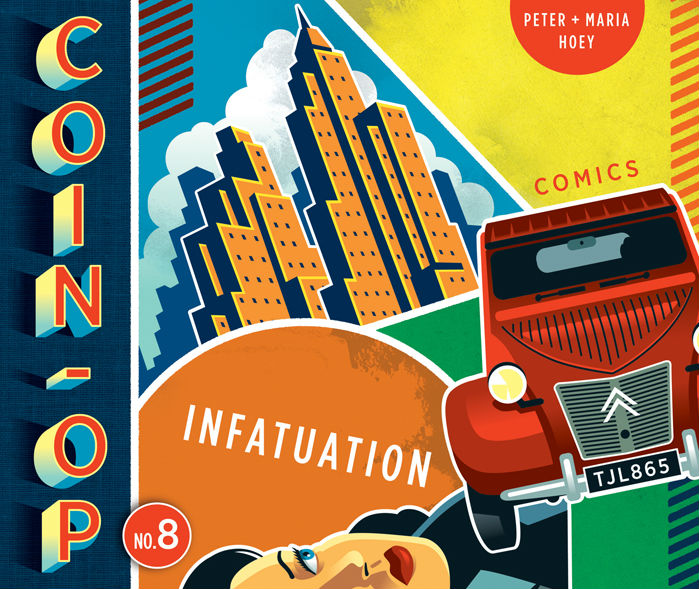
Peter and Maria Hoey are making comics that look completely unlike anything anyone else is doing right now. Their comics have the formal playfulness and serious graphic design of a Chris Ware, the emotional inquisitiveness of a Dan Clowes, and the visual sense of play of a Mary Fleener. Their books are dense but packed with popular culture references and genre tropes — they're cinematic in the true sense of the world, in that they're fascinated with film theory and history. If you haven't read their Coin-Op collection, and the comic series of the same name, you are, basically, reading comics wrong.
This weekend, the Hoeys will be in Seattle for the Short Run Comix & Arts Festival, and they're bringing a new comic with them. Issue 8 of Coin-Op is, to my mind, their best work yet. It's packed with six short comics on the theme of "Infatuation," and their sense of formal play and emotional heft is remarkable.
The first story in this issue of Coin-Op, "Rear View Mirror," is a loose retelling of the Orpheus myth starring two cartoon characters named Saltz & Pepz. It incorporates jazz, classic Disney cartoons, myth, and Clockwork Orange iconography. Between the Kubrick references, the deep and resonant exploration of the two most American art forms of all — comics and jazz — and the David Lynchian infusion of subliminal terror, the story packs a whole graphic novel's worth of ambition into ten pages.
But to my mind, far and away the best story in this exemplary collection is "Intersection," a formal study of the choices we make their repercussions. The story opens with a man and his wife celebrating their anniversary. He leaves the house to pick up some champagne and he gets hit by a truck. When he comes to, he's young again. He meets his future wife years before they actually met in his past life. Do they fall in love no matter what? Or do the shifting circumstances prove that all love is conditional on time and place and cosmic chance?
The Hoeys are making art that most mainstream publishers would never touch. It is uncompromising and intelligent and formally playful. They are exactly the kind of artists you should support at Short Run, and Coin-Op issue 8 is a brilliant introduction to their work.
Book News Roundup: Nothing rhymes with Orange
- Last week, The Seattle Public Library announced that next year's Seattle Reads selection will be Tommy Orange's acclaimed debut novel There, There. Orange will be in town on May 16th and 17th for several events around town.
- I haven't read There, There — it's one of those books that all of a sudden everyone had read and loved, so I didn't feel like my time as a reviewer would be best-used by giving it even more attention. But now that it's going to be a part of the civic conversation in Seattle next spring, I'm excited to finally dig into my copy so I can talk about it with the rest of you.
- One writer I'm not excited about is Richard Ford, the novelist who once spat on Colson Whitehead at a party over a negative review and has a very troubling history with regards to reviews and race. Ford is being honored by The Paris Review next year in a ceremony that will feature Bruce Springsteen. I swear I aged twenty years writing that last sentence. This is another disheartening sign that the elder generation of arts gatekeepers won't hand over the reins to young artists until they simply can't hold the reins anymore.
- These assholes who are upset that the new Watchmen TV series is about politics are the same assholes who completely misunderstand the Watchmen comic series, which was nothing so much as a refutation of everything that Thatcherite England stood for. Rorschach is not a hero, he's the exposed Ayn Rand undercurrent of superheroes. If you're upset about race being inserted into Watchmen, you are — and I do not say this lightly — a racist.
- The Washington Post announced that they would be publishing The Mueller Report Illustrated in December of this year.
Help Claudia Castro Luna write the Columbia River
Hopefully we'll be talking to her about this in depth soon, but you should know that Washington State Poet Laureate Claudia Castro Luna has launched a Kickstarter to publish a beautiful book of poetry about the Columbia River. The goal is to send the book to "all 67 Library Districts and all 27 tribal libraries in Washington State." You can buy the book in paperback or deluxe form on Kickstarter, or you can buy multiple copies to sponsor a library. Learn more below:
Sarah Mirk is creating one zine a day, and she's bringing them to Short Run
I've known Sarah Mirk for over a decade — we both worked at The Stranger but since she moved to Portland in 2008, I've happily transitioned from a coworker to a fan. Mirk is an advocate for everything great in the world: feminism, comics, sex-positivity, and zines. Late last year, Mirk embarked on a project: She decided to create one zine for every day in 2019. She's on track to finish the year a champion, and she's bringing some of her best zines to the Short Run Comix & Arts Festival at Seattle Center this weekend. We talked about why she has tabled at almost every Short Run, what she loves about zines, and what kind work she'll be bringing to the show.
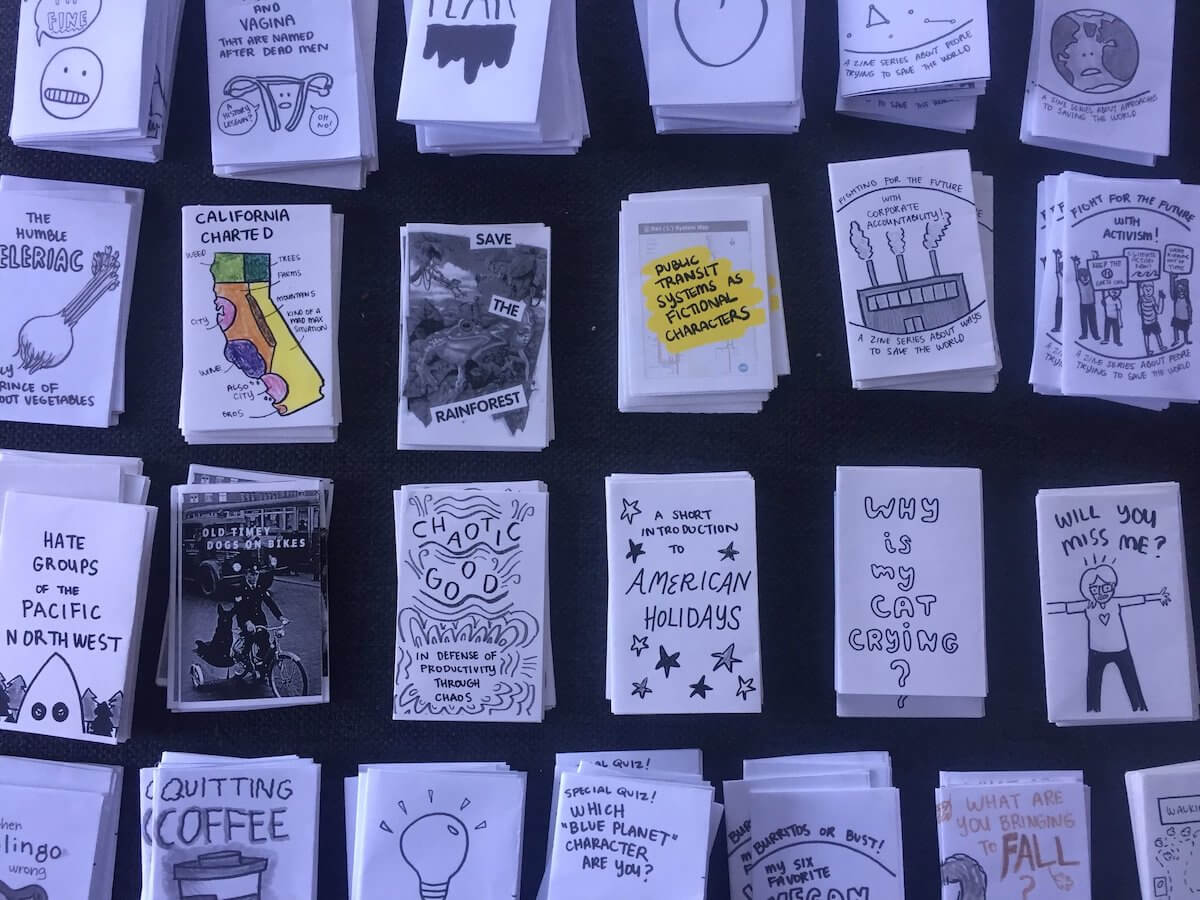
Here are just some of the zines Sarah Mirk has made in the last month or so. (Photo by Sarah Mirk; used with permission.)
You come to Seattle every year for Short Run. What do you like about it?
It's just a really well-run festival, and everyone who's tabling is making really interesting work. It's a festival that is all independent creators, so there's no big companies — there's not a focus on mainstream super-commercial comics. It really feels like everyone who's there is passionate about what they're making and they're really invested in putting their work out into the world, rather than buying the new Captain America shirt.
And I think the way that the festival is run is really thoughtful. It feels really inclusive. It feels welcoming: they make sure that all the creators get lunch, and it's really affordable. A lot of festivals are kind of stressful because the table costs so much, and then the whole time you're worried about making your money back, but Short Run has kept their prices really low. So for somebody like me who's tabling, and I'm selling zines for $2 each, at the end of the day I can still come out ahead because the table doesn't cost that much at all. So I really appreciate that they keep it accessible and keep it inclusive and are less focused on making money and more focused on building community and being able to create a space for people to share their work.
That is maybe the best description of it I've heard. I agree.
Over the summer I went to San Diego Comic Con and it was just so gross and I hated every minute of it. It was really alienating, actually. I'm somebody who makes comics and loves to read comics and I didn't want to be there at all because people are more interested in just buying stuff — t-shirts and Marvel-branded hats and action figures and stuff. And I was like, 'who here is actually making time to draw or making time to write or making time for self-expression?' Which is what I see comics as being all about: a way to express yourself and put your thoughts and feelings out in the world. And a lot of comic shows are more about spending money than about, you know, sharing your voice and listening to other people's voices.
That seems like a maybe a pretty good segue into your zine-making project. Can you talk about that? I don't remember seeing the beginning of it, I just noticed you started doing it.
It started January 1, 2019. I actually started last year during October. You know about the Inktober challenge?
Yeah.
Okay. So for Inktober I thought, 'Oh, I'll make a zine every day in October and see if I can do that.' And I got to the end of the month and it was just super-fun. I had loved making them and people love reading them and I had many, many more ideas for zines and I thought, 'I know I have at least a hundred more ideas for zines. Maybe I can have 365 more ideas for zines.'
I just liked the idea of having an excuse to make myself draw for at least an hour every day. So that was part of the challenge.
I'm working on a longterm book project that's not going to come out until next year, and so I wanted to make something every day that I could share and put out into the world, to just have something that I'm making that's immediate, rather than having to wait a year for anyone to see my work.
Also it's something that's just for me, and it's just for fun. I'm really trying to get away from perfectionism and feeling like things have to be pretty, or things have to be perfect. It's about the process of making something every day and sharing it with the world — good or bad. And part of the point of it is to show people that you can do this too. You can make things and put them out in the world.
Do you have any favorites of your 200-something-something children?
Yeah. Let's see. Today is 261 — it's always surprising. I'm publishing them all on Instagram and I'm trying not to get attached to the Instagram addictive system of what people like and what they don't like. You know, I should just measure it in what I think the quality is versus how many likes it got.
Oh, you mean like you've been measuring hearts?
Yeah. And so the ones that I like are usually really weird and aren't always the most popular. I made this one that was imagining different public transit systems as pop culture figures. So, like, New York's MTA is Joyce Byers from Stranger Things, because it's like super stressed out and communicates only through blinking lights.
And Sound Transit in Seattle is Hermione, because it's cold and like, "Oh, we know best." And really it does get you there, but it's kind of an asshole. That was just an insane idea that I had and I made up a zine about it. I really thought that one was funny.
Other ones that are my favorites are ones that have had the biggest impact. I did a zine about like funding bail bonds for immigrants in detention, and I made it literally at two in the morning because I was reading the news and getting super upset and depressed and I was like, "What do I do?" And so I started reading about bail bonds, and then I made the zine about bail bonds and published it at 3 AM and then people all over the country asked me for copies of it. So I scanned it in and sent a PDF to people and I sent it to at least 50 people who have printed it out and distributed it themselves.
I pitched in $50, and I had dozens of people tell me that they read that and then pitched in themselves and it went viral on Twitter, and it seems like a lot of people pitched in. So, that one feels really cool. This idea I had at 3 AM led to dozens of people donating money to this cause and hopefully getting some people out of detention. That's pretty cool.
I am feeling hopeless, but at least we can pitch in get immigrant families the hell outta detention. pic.twitter.com/5oEgTSZ7kg
— Sarah Mirk (@sarahmirk) June 24, 2019
So those are two of my favorites and they're kind of on the opposite ends of the spectrum of what I make. One is just a funny zany idea that I had. Another one is more like political action.
So what do you do with the zines when you finish them? I see some of them on Twitter.
I post them every day on Instagram and then I also run a Patreon. And so people who support me on Patreon get the print copies of them all. At the end of the month I photocopy them all.
Okay. Wow. That's a lot of paper.
And that's part of the reason: they're all on actual paper. They're not digital, and they're almost all black and white because it's cheaper to photocopy.
Are you going to do anything with these when you're done? Are you bringing some to Short Run? Can you talk about what you're bringing to the show?
Yeah, I'll be bringing a whole bunch of these to Short Run and selling them for $2 each. I'm also selling stickers that I've made and then copies of the graphic novel that I wrote that's called Open Earth — it's a queer sci-fi story in space. And then I'll have copies of The Nib, a comics magazine that I work for.
Do you think you're going to do anything with the whole project at the end, or is this just a thing to see if you can do it — kind of like a NaNoWriMo, only with a lot more work?
Yeah, I actually just got a grant from the Regional Art and Culture Council here in Portland to publish a book of the zines.
So I'm going to collect a hundred of the ones that I feel like are the strongest and put them into a book along with some direction on how you make your own zines. Each of these is just one piece of paper that's folded up, and that's something that I really love to show people. I do workshops on how to make them because it's so accessible and so cool. And the book will also be in the Creative Commons. So the content is made to be photocopied and shared and given away.
I'm sure some people wonder about how long it takes to do them. I know you said one of them was like an hour. Is that generally typical?
I aim to spend an hour making zines every day. Some of them wind up taking me more like an hour and a half. An easy one will be half an hour. And a more tricky one will be like two hours.
And then I have some more complicated ones that I've been putting off — ones where I've interviewed people and then take their quotes and make them into a zine. Those ones I'm putting off, because they take me a long time to go through the interview, write down the quotes, figure out which ones to use, condense it into basically eight sentences, and put it on the page. That takes a long time. I have a backlog of more important ones I've been putting off in favor of doing ones about Scrub Daddy, you know?
I enjoyed that one, too.
That one took me maybe half an hour. The process for it, people often wonder, is I just fold up a piece of paper so it becomes a little booklet, and then draw the images in pencil. And then I write in the text and then do inking, and then grays or colors on top of that. I don't just start drawing with a pen on paper. I always start with a pencil first.
People, for some reason, think I just draw them free hands without penciling. No, there's an eraser involved.
Do you have any advice for people attending Short Run for the first time?
I would say for people who are attending Short Run, it's not all about just buying comics. Of course if you can buy something to support somebody, that's great. But if you just stop by and say "hi, I love your work," that's really nice.
It's definitely weird when someone comes by the table and reads my stuff and then walks away without saying anything. I think some people do that because they feel bad because they're not going to buy anything. And you know, I kind of don't care if people buy anything as long as they're excited about the art and excited about comics. I'm happy to talk to them.
Lunch Date: What we talk about when we talk about talking about books
(Once in a while, we take a new(ish) book out to lunch and give it half an hour or so to grab our attention. Lunch Date is our comment on that speed-dating experience.
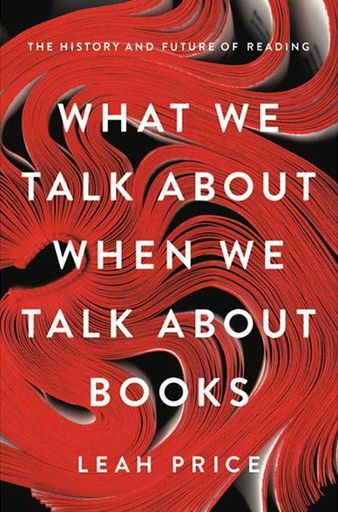
Who’s your date today?
What We Talk About When We Talk About Books, by Leah Price. Subtitled "The History and Future of Reading," it's about…the history and future of reading. Why print books aren't dead, why people say they are, why everything anyone says about reading is wrong. You know the sort of thing.
Where’d you go?
I was going to take this book out on a real date, to Mulleady's in Magnolia — Irish pub, not fancy, but well-regarded. As it turned out, though, I made dinner for us both at home. I thought we'd get along better than we did….
What’d you eat?
Farro, roasted mushrooms, crumbled parmesan. Appropriately, I read as many pages I could take while distracted by boiling water, beeping timers, and several sorts of salt. We are neither good nor enthusiastic cooks in this house.
How was the food?
Brown.
What does your date say about itself?
From the publisher’s promotional copy:
Digital-age pundits warn that as our appetite for books dwindles, so too do the virtues in which printed, bound objects once trained us: the willpower to focus on a sustained argument, the curiosity to look beyond the day's news, the willingness to be alone.
The shelves of the world's great libraries, though, tell a more complicated story. Examining the wear and tear on the books that they contain, English professor Leah Price finds scant evidence that a golden age of reading ever existed. From the dawn of mass literacy to the invention of the paperback, most readers already skimmed and multitasked. Print-era doctors even forbade the very same silent absorption now recommended as a cure for electronic addictions.
The evidence that books are dying proves even scarcer. In encounters with librarians, booksellers and activists who are reinventing old ways of reading, Price offers fresh hope to bibliophiles and literature lovers alike.
Is there a representative quote?
It’s hard to choose a representative quote without feeling that you’re stacking the deck. But let’s try this one:
When familiarity wanes, so does contempt. Once scarce and sacred objects, books entered European life half a millennium ago thanks to paper (a portable and durable medium of which Europeans were late adopters) and print (which changed books from rarities to be worshipped to tools to be used). In restoring the printed book to a pedestal at the very moment when it's being shunted to the edges of everyday life, we circle back to the era when print looked like the latest newfangled gimmick. Perhaps print is to digital as Madonna is to whore: we worship one but use the other.
Aside from the arguable (not really) misogyny of the closing metaphor, is there anything in this passage that is not cliché, either literal (pedestals! newfangled!) or rhetorical (this so that, this and that, this to that)?
Will you two end up in bed together?
I'll be honest: I anticipated writing a full review of this book but gave up after the intro and half a chapter. No, wait, I'll be more honest: I anticipated writing a full review of I Don't Think of You (Until I Do), but that book was so interesting and tantalizing and well done that I stopped (after reading and before writing), wanting more time to digest it, even though it's composed of only 101 short passages over 103 pages (or 104 if you count the illustration of mice fucking).
What We Talk About When We Talk About Books, on the other hand, tells you everything you need to know straight from the title. That is: every sentence is a take, hot or cold, an echo off of something someone else has written or said. It is ironic for the most frequent author of this publication's Sunday Post — which is really nothing at its worst but a collection of takes and at its best a collection of amusing takes — to crook a brow at another hot-taker. Still.
Most people who read, and perhaps I should say all, know why they do. The "why" is not homogenous, though many reasons are common enough that readers feel community with each other: childhood isolation comforted with stories, a vast curiosity answered with pages (print or digital). No evidence base can prove or disprove the value of the word as story. No double-blind trial can tell a reader more than they already know.
Does that sound romantic? It's not intended to. In fact it's simple practicality. People read because it's necessary to them to do so. Watching football is necessary to others. We don't need reading to be special or privileged; it is what it is, to each of us. True, it does not cause concussion, unless done very badly, and in that way it is superior to almost all sports.
This is a long way of saying that a book about the value of reading seems beside the point, no matter how well done (which is not to say this book seemed particularly well done, at least over the course of a few dozen pages). Talking about the economic impact of Amazon.com on independent bookstores, and how different shifts in the market or in public consumption affect the chances that we'll all be able to continue on with our favorite way of interacting with words, is interesting and useful. Talking about whether books affect compassion, or ameliorate depression, or whether print is archaic or the original bleeding edge, is like throwing the barn door wide while complaining that it wasn't locked.
So, no. We won't even be just friends. There are too many other books to read!
Via Sacra
I was buried beside an olive tree
with a lamp, three figs, and a loaf of bread.
I was never a mother, nor a wife,
my duties conferred to the sacred flame
to attend the vestal hearth in winter,
to bless the Tiber’s water with my palms,
and then relieve the burning in my palms.
The Sacred Way is just beyond this tree,
where my lovers visit every winter
to share my memory with leavened bread
and hold their blackened fingers to a flame.
I was never destined to be a wife
they knew they could not take me as a wife:
the random lots were held against my palms
and made my fingers curl into a flame
then open as a blossom on a tree.
My mother wept; my father gave me bread.
We walked to an empty house in winter
just beyond the Sacred Way in winter,
my dowry paid in full– not as a wife
but rather as a holy child, whose bread
had crumbled to ashes between her palms;
I watched him pass under the olive tree
bending low, as a hand cupped to a flame,
his body disappearing like a flame.
All the days of my twentieth winter
were marked through every season on this tree:
proscribed from vagaries of man and wife,
I rubbed its soothing oil between my palms
and gazed from windows when we made the bread,
when I crushed the grain into flour for bread.
I pressed bellows, bearing the oven’s flame
to watch the bodies grow between my palms,
rising from dust, hardening in winter.
I was never destined to be a wife,
to be embraced by lovers near this tree
or kiss their palms, which hold the leavened bread
before an olive tree; or lift a flame
to see their winter eyes expect a wife.
It's Election day in Seattle and Washington state. Please vote.

If you live in Washington state, it's Election Day. There's no big sexy headliner on the ballot this year — no Trump, no mayor — but it is vital that you vote. Please vote.
And if you tend to shop at independent bookstores because you don't want to give Amazon your business, you should know that Amazon has a lot invested in this election — to the tune of 1.5 million dollars, which is far and away a record in our city politics. No less a national figure than Robert Reich has delineated who the Amazon and non-Amazon candidates are in the majority of our City Council races. The Seattle Review of Books isn't endorsing anyone in this election. I have my preferred candidates, and so does the management at Amazon. But this is what I want you to take away from this post: if you and I disagree on a candidate, or all the candidates, I still want you to vote. Please, please vote.
Washington state can't make voting much easier for you. They mail the ballots to you, they pay the return postage, they have placed ballot boxes all over the city. If you're not sure about who to vote for, I advise checking out a resource like the Progressive Voters Guide, which links to a number of endorsements around the internet. It only takes a few minutes of your time, and it always feels great to turn that ballot in. Please, please, please vote.
You have until 8 pm tonight to return your ballot. Vote, please.
Thank you.
Short Run Comix + Arts Festival is this Saturday!
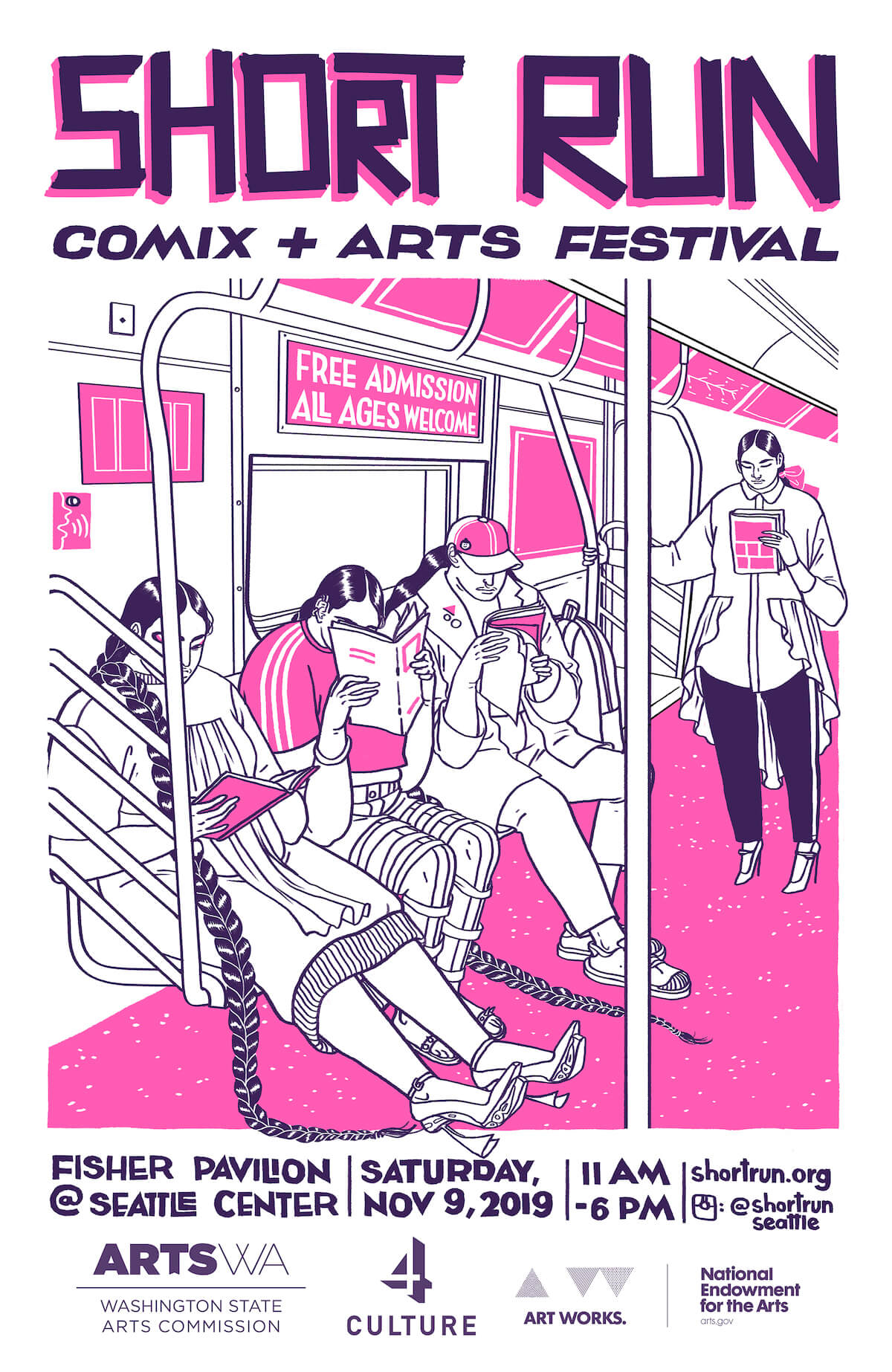
Short Run Comix + Arts Festival, which is this Saturday the 9th in Fisher Pavilion at the Seattle Center, is our sponsor this week. We're so pleased their here, because we absolutely love Short Run. In fact, they use a quote from us on their webpage that says it best:
“In virtually no time flat, Short Run has gone from ‘let’s put on a show’ to ‘this is the heart and soul of Seattle’s creative community.’ Imagining a Seattle without a Short Run is as unthinkable as a Seattle skyline without a Space Needle.”
Make the time to go — it's a fantastic celebration that only happens once a year. Don't miss it! Head over to our sponsor's page to find out all about it, including some of the additional programming that is happening this year.
If you want to reach our readers, like Short Run and other sponsors do, great news! We've got some great deals on upcoming weeks in the primetime of the holiday season. Check out our sponsorship page for more information, or if you're ready to book, check out dates and prices!
Your Week in Readings: The best literary events from November 4th - November 10th
Monday, November 4th: All You Can Ever Know Reading
Nicole Chung's memoir about being born to Korean parents, adopted by white people, and raised in rural Oregon has been recognized by almost every major book review publication as a tremendous achievement, and it's been long- or short-listed for many great awards besides. Here's your chance to hear part of the story from the author herself. Third Place Books Lake Forest Park, 17171 Bothell Way NE, 366-3333, http://thirdplacebooks.com, 7 pm, free.
Tuesday, November 5th: Permission to Feel Reading
Marc Brackett is "Founder and Director of the Yale Center for Emotional Intelligence and a Professor in the Child Study Center of Yale University." His new book is about developing emotional intelligence in adults and in children. It's rapidly becoming a major text for educators around the country. Town Hall Seattle, 1119 8th Ave., 652-4255, http://townhallseattle.org, 6 pm, free.
Wednesday, November 6th: The Gentle Order of Boys and Girls Reading
Dao Strom's book of four novellas centers around young Vietnamese women in America. Strom is a poet and a memoirist and she's definitely going to win a major literary award one day. Elliott Bay Book Company, 1521 10th Ave, 624-6600, http://elliottbaybook.com, 7 pm, free.
Thursday, November 7th: How We Fight for Our Lives Reading
You likely know Saeed Jones from BuzzFeed, where he covered books and culture in such a way that even the mainstream had to pay attention. Jones is also an accomplished poet, and now he's the author of How We Fight for Our Lives, a memoir about his coming of age. Northwest African American Museum, 2300 S Massachusetts St, 518-6000. http://naamnw.org, 7 pm, free.
Friday, November 8th: Short Run Marathon Art Show
Maybe you have to work all day on Saturday and you can't get to Short Run. It happens! People often have to work on weekends, and there's no shame in it. But if you can't make it to Saturday and Sunday Short Run events — see our Event of the Week column for more details — you should definitely come for the kickoff party at Fantagraphics Bookstore and Gallery in Georgetown. The Marathon Art Show and Reception features artwork from a number of Short Run heroes, including Marc Bell, Jasjyot Singh Hans, Malaka Gharib, Seattle Walk Report, Mike Centeno, Chloë Perkis, and Rumi Hara. Fantagraphics knows how to do these art openings right, so this is going to be a good one. Fantagraphics Bookstore & Gallery, 925 E. Pike St., 658-0110, http://fantagraphics.com/flog/bookstore, 6 pm, free.
Saturday, November 9th: Short Run
See our Event of the Week column for more details. Fisher Pavillion at Seattle Center, 11 am - 6 pm, free.
Sunday, November 10th: Short Run
See our Event of the Week column for more details. Various locations and times.
Event of the Week: Short Run! Short Run! Short Run!

You know
we're huge fans of Short Run
here at the Seattle Review of Books. This year, we've
already
interviewed
Jasjyot Singh Hans about his amazing poster for the
festival, Ezra Claytan Daniels
about the political tract he's debuting at the show, and Jul Gordon about
her textile comics that will be on display at the show. You have a sense of the breadth and depth of work that's
available at the show.
But now it's time to get down to the nitty gritty: Where do you need to be and what do you need to do? The complete answer is on Short Run's website, but here are a few details you absolutely need to know:
- Short Run kicks off on Thursday night with a big showcase featuring Gordon, Singh Hans, Glynnis Fawkes, Malaka Gharib, and November Garciaat at Vermillion from 7 to 9. It's 21+ and it's free.
- As is tradition, Fantagraphics Book Store and Gallery kicks off a big art show the night before Short Run starting at 6 pm, featuring artists including the Seattle Walk Report.
- At the big show at Fisher Pavillion at Seattle Center on Saturday, you should definitely walk around the floor at least twice: once to see all the artists, and then a second time to pick up the books you want to buy. Be sure to visit the art show at Vera Project across the way!
- And you'll want to rally for the afterparty on Saturday night, which this year is a country-western-themed dance party featuring DJ Scorpio Tail — just five bucks, from 8 to 11 at the Vera Project.
- On Sunday, Short Run artist T. Edward Bak will be presenting his new book Not a Place to Visit, about the changing face of the environmental movement, at the Seattle Public Library downtown starting at 1 pm
- Right after that, you can run up the hill for Malaka Gharib's reading of her memoir I Was Their American Dream at Elliott Bay Book Company, starting at 3 pm.
- Then, you have until 6 pm to race to Georgetown for a musical performance at Fantagraphics Bookstore and Gallery from cartoonists Danielle de Picciotto and Zak Sally, with cartoonist Chris Cilla signing his new work.
Short Run keeps getting bigger and better respected with each passing year, and 2019 looks like the year that the festival semi-officially spreads to a multi-day experience. Sure, the floor is only open on Saturday, but the events happen all weekend long. This is a great town for comics year round, but it doesn't get any better than Short Run weekend for a celebration of the form by its greatest practitioners and most enthusiastic fans.
The Sunday Post for November 3, 2019
Each week, the Sunday Post highlights just a few things we loved reading and want to share with you. Settle in with a cup of coffee, or tea, if that's your pleasure — we saved you a seat! Read an essay or an article online that you loved? Let us know at submissions@seattlereviewofbooks.com. Need more browse? You can also look through the archives.
Meghan Daum to millennials: get off my lawn
This was my breaking point with Meghan Daum: In 2018, she published “Nuance: A Love Story,” where she details her realignment with the alt-right over the course of long, lonely nights with YouTube’s algorithms. I read this essay waiting, waiting, for the turn — “and then I realized I had allied myself with racist, anti-woman, anti-human propaganda” — but it doesn’t come. Instead, Daum ends on a mild note about belonging and loneliness and nuance. It’s the kind of ending that’s possible only for someone secure against the very real and mortal outcomes of white supremacy, toxic masculinity, or whatever hopelessly un-nuanced terms you prefer.
Emily Witt’s critique of Daum’s latest book, which dives deeply into similar themes, is nuanced and rational. Witt focuses on “alternative optimisms” — worldviews that lean away from the traditional complaints of cis white feminism (without denying their reality) and lean toward ways of being that don’t simply correct but reinvent the status quo. As satisfying as it would be to see Daum roundly thrashed, this gentle but firm redirection is probably a better path.
The books that made sense to me at the time were those that questioned the primacy of the heteronormative family. Lauren Berlant’s thesis in her book “Cruel Optimism,” from 2011, that “the heterofamilial, upwardly mobile good-life fantasy” is no longer tenable has become the underpinning assumption of the millennial progressive left and millennial sexuality. I saw hope in the alternative optimisms in Maggie Nelson’s “The Argonauts” and Tim Dean’s “Unlimited Intimacy: Reflections on the Subculture of Barebacking”—queer theory, at least, was more skeptical that there was only one way to be in the world.
She went from a liberal non-voter to burning books with white supremacists. Here's why she finally left the movement.
Along similar, or at least parallel, lines, a profile of Samantha, a young woman who joined the alt-right to please a boyfriend and then (with some intervening events) left. Samantha’s road toward sympathy with the alt-right was also paved by pseudo-intellectuals like Jordan Peterson; like the frog in an over-used metaphor, her skin thickened as the water grew hotter. She quickly rose in the ranks as an expert recruiter of other women, hard to do in a cause that has as a core belief the subordination and worthlessness of women.
Samantha’s departure from the movement was as anticlimactic as her arrival: a gradual accumulation of pressure from outside the fence, similar to the process that pulled her in in the first place. It’d be great to think that this is true for the majority of alt-righters — that they’re operating less on principle than on a desire for belonging, and specifically to belong to something that feels special, private, better. But I think Samantha was just lucky enough to get off the ride before it entered the final tunnel.
She asked him to imagine a house was on fire and 10 people were inside, five of them black and five white. He could only save five. Wouldn't he save the white people first? The man said he would save whomever he could reach. Samantha thought, 'That's what I would do, too.' But she didn't say anything. "I felt like most of the time I was in there, I was waiting for someone else to say, 'We know this is all bullsh*t, right?'"
Zadie Smith on her markedly different style in London versus New York
And now, a reminder that life is also light and silly and full of joy — no, it’s not kittens! I should have made it kittens, you’re right. But how about Zadie Smith, describing in all the glory of Zadie Smith’s prose, the excruciating problem of dressing properly for a two-continent life?
Some New York memos, collective and unindividuated and everywhere, are simultaneously signs of widespread social transformation, and therefore heartening to see. Afro hair worn natural, boys in sequins and eyeshadow, gender-neutral separates. Others drive me to distraction. For three winters in a row, I swear there wasn’t a woman in New York who didn’t own a ribbed woollen hat with a fake-fur bobble on it (although when I emailed friends in London, it sounded as if it was just as bad over there). And last fall, the ubiquity of teddy bear coats made me feel violent towards teddy bears, as a breed.
Whatcha Reading, Ben Clanton?
Every week we ask an interesting figure what they're digging into. Have ideas who we should reach out to? Let it fly: info@seattlereviewofbooks.com. Want to read more? Check out the archives.
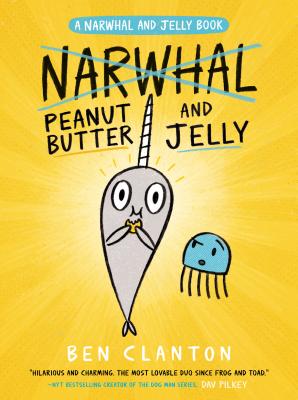
Ben Clanton is a Seattle based "authorstrator" of children's books, and coiner of great portmanteau words. He's best known for the charming, hilarious, and adorable Narwhal and Jelly series of books. Clanton has just won the Washington State Book Award, in the "Books for Young Readers (ages 6 and up)" category, for the third in the series, Peanut Butter and Jelly. Narwhal's Otter Friend is the latest. Congratulations, Ben!
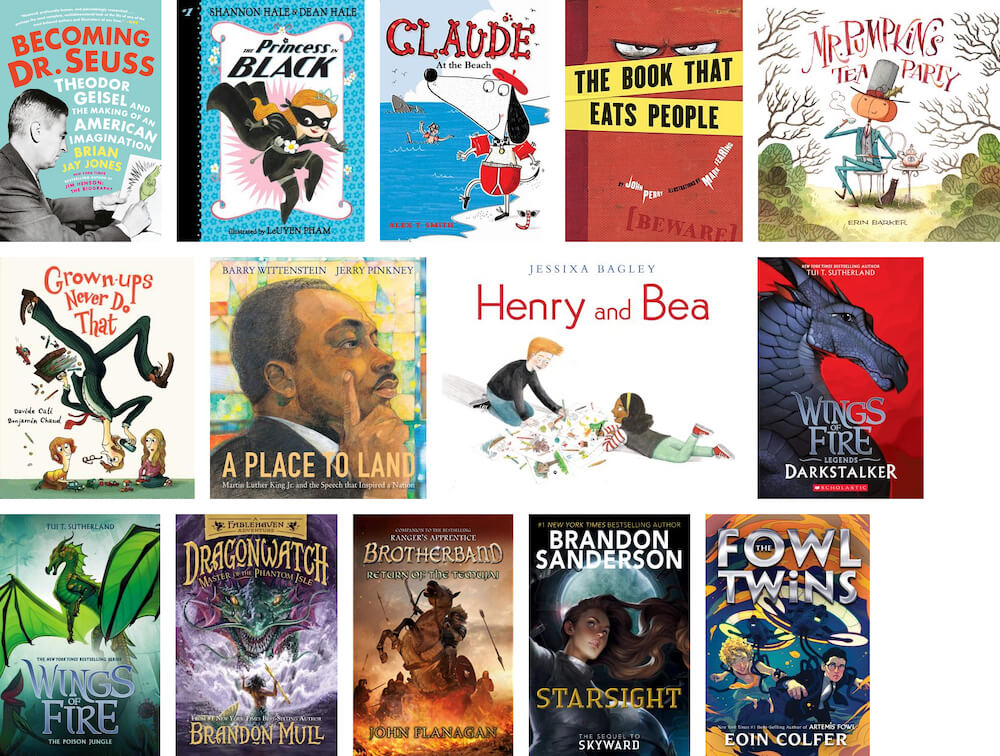
What are you reading now?
Most of my reading is via audiobooks! I listen to them when illustrating my own books, but also every other moment I can find such as when driving, doing dishes, and falling asleep. Currently I'm listening to Becoming Dr. Seuss: Theodor Geisel and the Making of an American Imagination by Brian Jay Jones. I had listened to another of his biographies recently about Jim Henson which I found fascinating. I love hearing about the lives of creative people and what inspired them. I've especially been captivated by these biographies by Brian Jay Jones because the creations of both Jim Henson and Dr. Seuss were big parts of my childhood and their work has definitely influenced my work. Last night I was listening to the story of how much Dr. Seuss struggled to write The Cat in the Hat with such a limited number of words. I decided to accept the challenge and try to write a beginning reader myself. I'm not off to a very good start! It is super hard!
With my kids I have been rereading The Princess in Black series by Shannon and Dean Hale and illustrated by LeUyen Pham (love her style!). We've read those books many times! Also popular at bedtime has been the Claude series by Alex T. Smith. Oh, and The Book that Eats People by John Perry and Mark Fearing is a favorite with my son currently. That is such a fun one to read aloud. Mr. Pumpkin's Tea Party by Erin Barker is another we've enjoyed multiple times recently. Other picture books being read this week include Grown-ups Never Do That by Davide Cali and Benjamin Chaud, A Place to Land: Martin Luther King Jr. and the Speech That Inspired a Nation by Barry Wittenstein and Jerry Pinkney (the illustrations are incredible!), and Henry and Bea by the brilliant Jessixa Bagley.
What did you read last?
Last week I listened to a few of the books in Tui T. Sutherland's Wings of Fire Series including Darkstalker and Poison Jungle. Dragons are always a favorite for me and Tui's characters are so real. I also listened to Master of the Phantom Isle by Brandon Mull and Return of the Temujai by John Flanagan.
What are you reading next?
There are a few books coming out soon that I am excited to read such as Starsight by Brandon Sanderson and The Fowl Twins by Eoin Colfer. I've also been meaning to listen to Dragon Pearl by Yoon Ha Lee and the latest Ransom Riggs.
October 2019's Post-it note art from Instagram
Over on our Instagram page, we’re posting a weekly installation from Clare Johnson’s Post-it Note Project, a long running daily project. Here’s her wrap-up and statement from October's posts.
October's Theme: We Both Survived
In August when I drew these I was at a residency in Boise, living a high-ceilinged-house life by the river. There are many reasons why this “I have a house and an art job in Boise” life meant a lot to me, but the one that matters forever is my cousin Ryan. We are, somewhat improbably, friends for life—ours is a deep meaningful friendship and also the kind where me saying things like “forever” and “meaningful” here is going to make both of us laugh at me in a REAL DEEP WAY. He came to my residency-culminating public event on an inconvenient end-of-summer weeknight, prompting happy feelings of touched gratitude in me and also an earnest internal panic of OH GOD NO now Ryan is going to see me READ POETRY. (You can relax, we both survived. My writing made him laugh and made his older sister cry, so I maybe deemed it my most successful reading ever.) To celebrate the magic of living nearby for so much longer than our usual visits, and knowing his birthday’s in October, I invited Ryan and his wife Kristin to choose the post-its for this month. The rest of my years were holding down the fort in Seattle (surprise! I do not carry thousands of post-its on my person everywhere I travel), so they had to choose from what I’d made while there. They each picked a different swimming moment; during that month, work on my manuscript gave way each evening to swims in the parks across the river (or, on some 100-degree days, in the river itself—a sort of thrilling liquid treadmill plus pebbles and fish, if you will). I’d tramp along the bike path in my tiny rag of a towel, past the surfers (!!!) and over a bridge, to my choice of 3 different swimming ponds. This daily excursion led to many observations on Boise (the rollerblading thing is NO JOKE), often later preserved forever in post-it. People and dogs and bikes and paddle boarders and kayaks and surfers and skateboards and other wheel-based endeavors I don’t understand were everywhere, like smallish-city life is some giant urban planning playground. Striding home after a swim I looked up and startled, expecting to dodge this bike—but instead it was a hand—from a guy on the bike—reaching out to high five me about my shaved head. Considering further post-it options, I’m pretty sure Ryan remarked wryly that the big question is how narcissistic do you let yourself get—but I love it when people choose memories we share, so I’m glad they both indulged a little. Kristin went straight for the sleeping porches. Perhaps you, like I, have spent decades assuming sororities have normal college roommate arrangements—albeit in big fancy gender-segregated houses with a cook. WELL WE WERE WRONG. I’d heard the phrase_ “sleeping porch” thrown around and understandably pictured some kind of grandiose-mansions-screened-porch-summer-nights thing, until one night when Kristin and Ryan and I were talking about how they met, joking about our differences and college memories and cozily teasing, random stories. Completely beside the point, she mentioned being on early wake-up duty in her sorority. I needed explanation. “Oh you know, you have to go around waking up the girls who’ve got early classes, tapping them.” Tapping them? Why not set alarms?? “Well....it would wake everyone up.” It took SO MUCH conversational backing up before I believed I was truly understanding her. To my utter confusion, in this context sleeping porches are actually internal rooms where 20 to 40 women sleep in tightly-packed bunk beds, sometimes even stacked 3 bunks high. Trying to wrap my head around the amount of trouble people go to for the privilege of such a living situation SHOOK ME TO MY CORE. And here Kristin was all casual about it, just laughing at me, blithely clobbering me over the head with a tiny piece of knowledge she had never considered to be surprising, or obscure. Ryan chose the final post-it, of a walk we took in the foothills one night after work. I think we were aiming for sunset, but it was a last-minute decision, he trying to squeeze in dinner with the family first and me grasping at one more page of writing. We were a little on the late side and gently unsure of where we were going. Channeling our mothers’ can-do spirit of logical leaping and haphazard optimism in the face of insufficient planning, we charged immediately up the most vertical path. At the top it became suddenly apparent that it would be far too steep down for me to go back that way, and that this was not in fact the top. We were also swearing at ourselves a lot, but in a not discontented way? Scrambling up the dry, rock-hard dirt of each sharp ridge, feeling totally alone in the quiet of a dying day, we’d catch surreal glimpses of other people, tiny pairs in the distance poking up jauntily in improbable places. Some questions became embarrassingly urgent—where did these different paths go? Would any take us back to the car, instead of literally slipping down the cliff we’d walked up? How long before the decisively deepening dark completely obliterated our already limited navigational guesswork...or were My Side Of The Family’s notoriously weak ankles going to be the bigger problem. But here we are, safe and sound in our separate cities now: we made great choices, calm and endlessly amused by our stupid selves, suddenly there was a sunset somewhere, Ryan’s phone had a flashlight function, that ominous green was just a dog with a glow stick, the sunset a sliver in the dark like it was hanging around in other neighborhoods, had its back to us.
The Help Desk: The talking cure
Every Friday, Cienna Madrid offers solutions to life’s most vexing literary problems. Do you need a book recommendation to send your worst cousin on her birthday? Is it okay to read erotica on public transit? Cienna can help. Send your questions to: advice@seattlereviewofbooks.com.
Dear Cienna,
We have a real piece of work in our book club. Never reads the book, always has too much to say, never stays on topic (most likely because he never reads the book.) I get the sense that he loves the book club and it might be one of his only real social outlets, but his obnoxiousness is starting to scare off other members of the club. Do you have any ideas on how to gently train a bad book club member into a better book club member?
Ann, Avalon
Dear Ann,
It takes time and patience to re-train adults to honor even basic social mores. My mother has had a persistent case of Munchausen by proxy ever since I hit puberty. I still must have a service animal taste test all of my meals when she's around for the holidays. (Don't worry, I use spiders now. It has shaved hours off my Thanksgiving and Christmas Eve grave digging.)
There are three routes you can take.
1) Tell your book club that you've noticed the conversation veers off topic pretty quickly. So, for the first half hour or so, you're going to try and keep the conversation on topic as much as possible. Remind people that if they haven't read the book, they can grab something to eat and quietly enjoy the discussion.
2) Get a talking stick. I know: I, too, hate talking sticks. But! I've heard they work for some groups – especially groups that have quieter folks who don't speak up as much. You can float it by your group with, "Hey, I've noticed that some people don't talk much during book club. I'd like to hear what everyone has to say. What do you guys think of using this talking stick for a bit just to train ourselves to give everyone a chance to speak?"
3) Nominate the next mouthiest person in the group to moderate discussions. Equip them with book-related questions. When your mouthy guest jumps in with his own thoughts, train them to chant, "Interesting point. How does that relate to the book?" Again and again and again.
Just as I have to remind my mom every holiday season of the notarized letter on my fridge that says, "In the case of Cienna Madrid's sudden and mysterious death, check her mother's pockets for poison," you will have to remind your badly-behaving attendee that his input is only welcome if it's on topic. If all else fails, gentle poisoning may be your next best option. Eating unripe persimmons makes a person's mouth go numb. Maybe feed him a basket of those? 'Tis the season!
Kisses,
Cienna
The Portrait Gallery: Happy Halloween!
Each week, Christine Larsen creates a new portrait of an author for us. Have any favorites you’d love to see immortalized? Let us know, or see if you can find them in the archives.
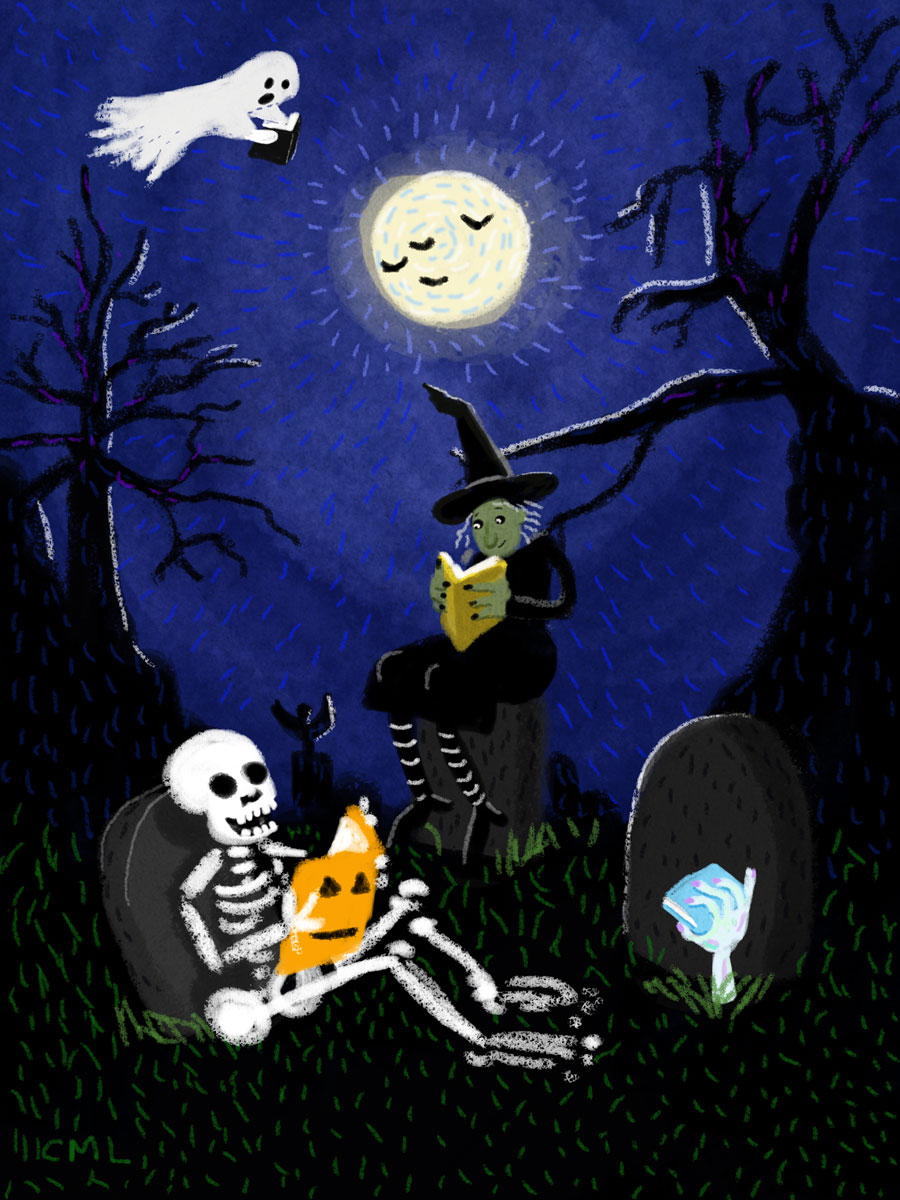
Happy Halloween, one and all!
Thursday Comics Hangover: For popular consumption
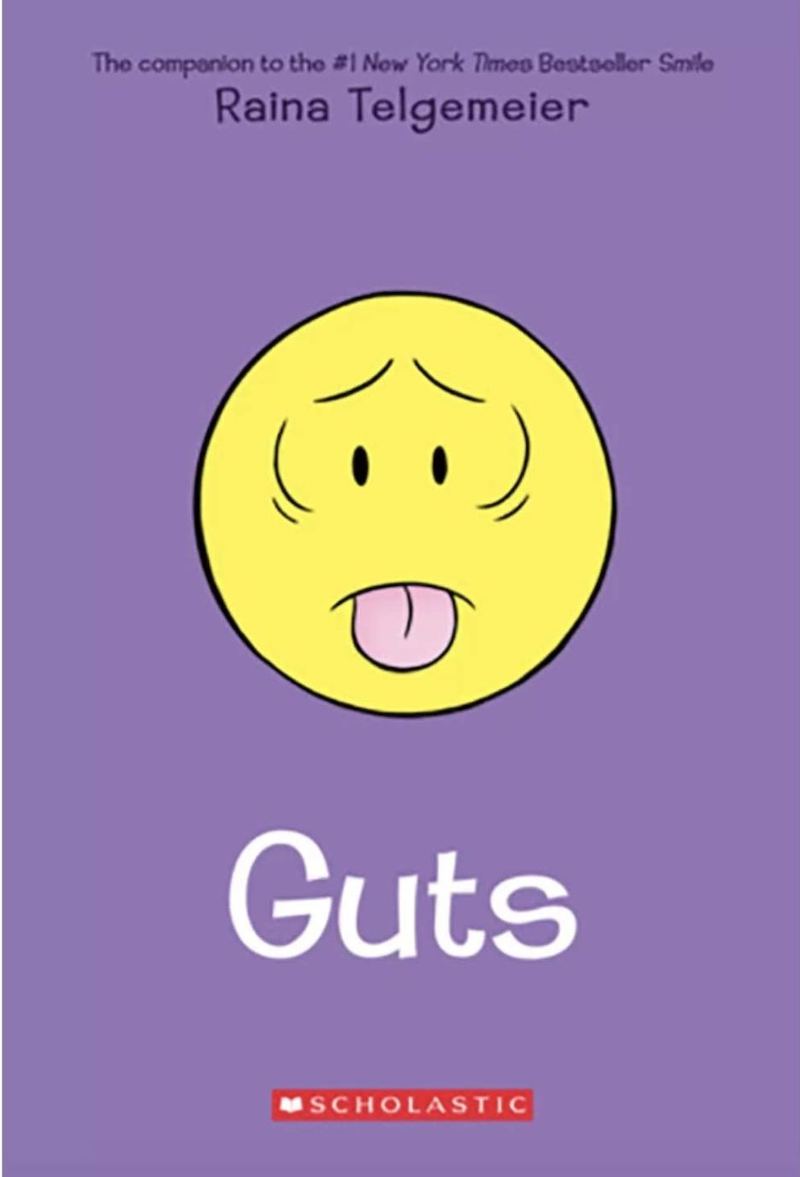
In the last week of September, Heidi MacDonald at the Beat reported, Raina Telgemeier's comic book memoir for young readers, Guts, was the best-selling book in the country. Not the best-selling comic book in the country — the best-selling book, period. When I picked up a copy of Guts at the beautiful new Paper Boat Booksellers in West Seattle this weekend, the bookseller remarked that it almost certainly was the young shop's bestselling title of all time.
It's curious that the bestselling comics artist in the country is someone who most mainstream comic fans have never read. I've been seeing Telgemeier's name for years now and I'd certainly never read one of her books before. I decided to amend that situation.
Guts is a memoir about Telgemeier's childhood battle with a nervous stomach. Plenty of adult readers will likely relate: it starts as a weak stomach and then, as Telgemeier's social and school life becomes more complex, it becomes a full-on problem. She becomes afraid to eat anything — cheese, cabbage, mayonnaise.
The stakes are low, but to ten-year-old Telgemeier, they couldn't feel any higher. Guts does a good job of keeping the problem in perspective: as the young Telgemeier worries that she's never going to be normal again, the world keeps turning around her. She winds up going to therapy, and it helps a little. The story is gentle and empathetic.
But is Guts good comics? Sometimes it seems that popular comics have to be bad in order to gain ubiquity; some of the most-read comics in the country, after all, are Dilbert and Garfield. But Telgemeier is a gifted cartoonist. Though she could stand to develop the backgrounds in more of her panels, she delivers a variety of perspectives, rhythms, and sizes on every page. These books are likely to inspire thousands of young people to take the comics apart to see how they work, and Telgemeier offers plenty of craft for those readers to emulate and explore.
And in the background of Guts, young Raina Telgemeier is constantly working on her comics. She's drawing memoir strips about her life, or trying to convince a friend to collaborate on a comic. The elder Telgemeier seems happy to share those rudimentary proto-comics with her readers — a few of them are displayed in the book — as an encouragement for readers to follow their art. It's quite possible that one day earnest young readers will be able to combine the hundreds of pages of autobiography Telgemeier has published into a single arching narrative about the growth and development of a cartoonist. In terms of influence and reach, it could very well be the most important comics autobiography of the 21st century.
Mail Call for October 30, 2019
The Seattle Review of Books is currently accepting pitches for reviews. We’d love to hear from you — maybe on one of the books shown here, or another book you’re passionate about. Wondering what and how? Here’s what we’re looking for and how to pitch us.
Cascadia Magazine to scale back publication schedule
Andrew Engelson, founder of Cascadia Magazine, delivered some sad news in his most recent newsletter.
We aren’t shutting down, but we’ll be significantly scaling back what we offer. This newsletter will likely shift to a weekly digest. We’ll still publish occasional journalism, poetry, essays, and fiction online at *Cascadia Magazine*, but it will be more infrequent.
I interviewed Engelson back in January of last year about Cascadia and what his goals for the magazine were. Two years in continuous operation for a publication with no outside major investors is a big damn deal, and team Cascadia should be proud of what they've accomplished. We look forward to seeing what they can do as they scale back to a more humane schedule.
Ezra Claytan Daniels is breaking the idea of what comics can be
Ezra Claytan Daniels made one of the splashiest comics debuts in recent memory. His book Upgrade Soul — a high-concept sci-fi novel about cloning, the pursuit of eternal life, the concept of the self, and love — was nominated for just about every major award in the comic book business. And his gentrification horror story BTTM FDRS was published this summer by Fantagraphics to great acclaim. Last week, Daniels debuted an app version of Upgrade Soul and a soundtrack album for the comic. I spoke on the phone with him about genre, the limitations of comics, his new political minicomic, and why he enjoys Seattle's own Short Run Comix & Arts Festival, where he will be exhibiting on Saturday, November 9th.
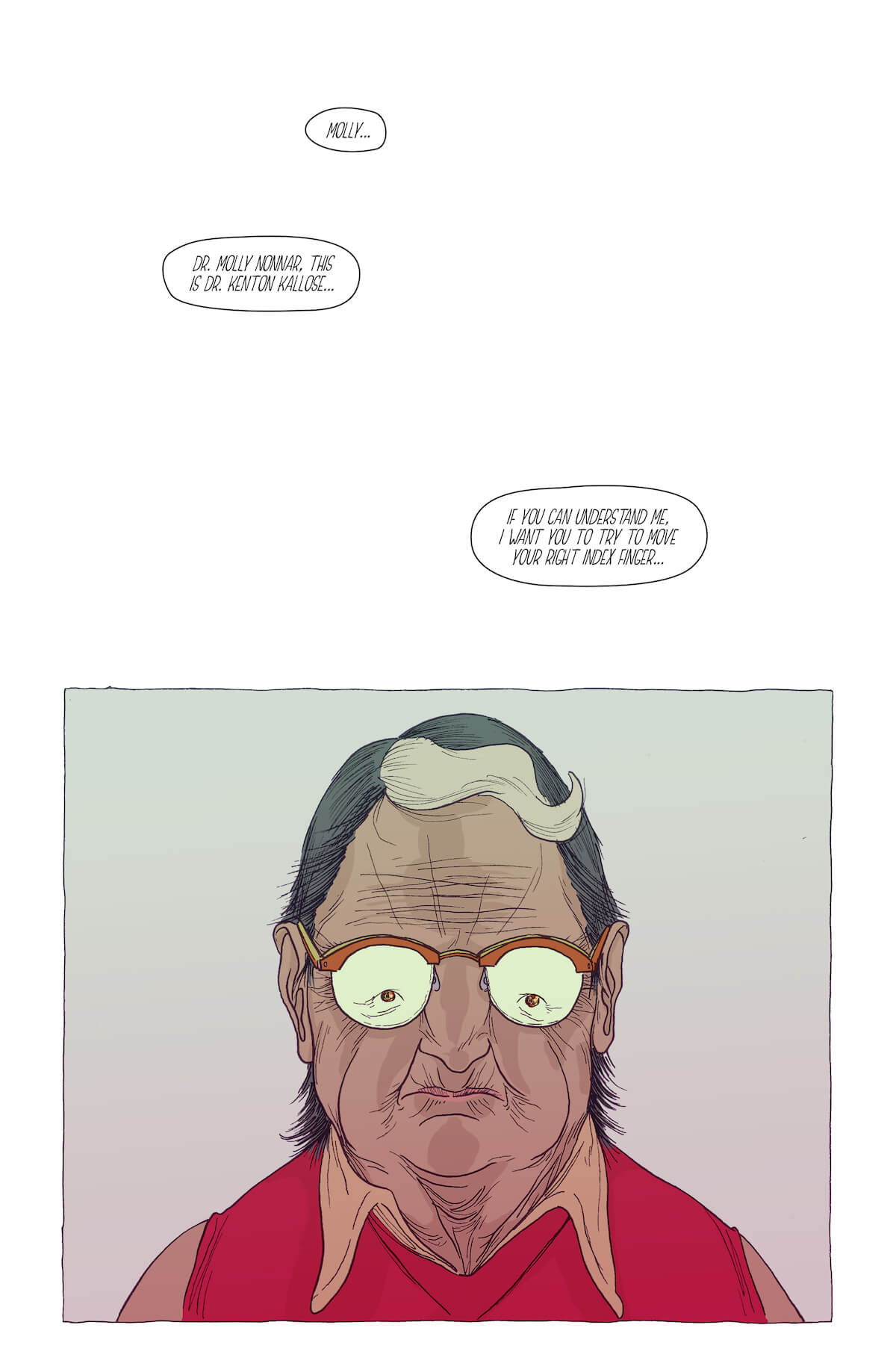
Have you been to Short Run before?
Yeah, I went once before. I went last year, and I squatted on Ben Passmore's table. He was a special guest and we were on tour so we happened to be going through Seattle and he carved out a little corner for me on his table and I set up some books and sold them.
Okay. And even though you were basically stealing money from Short Run by squatting at someone else's table, they asked you back?
Yeah, totally.
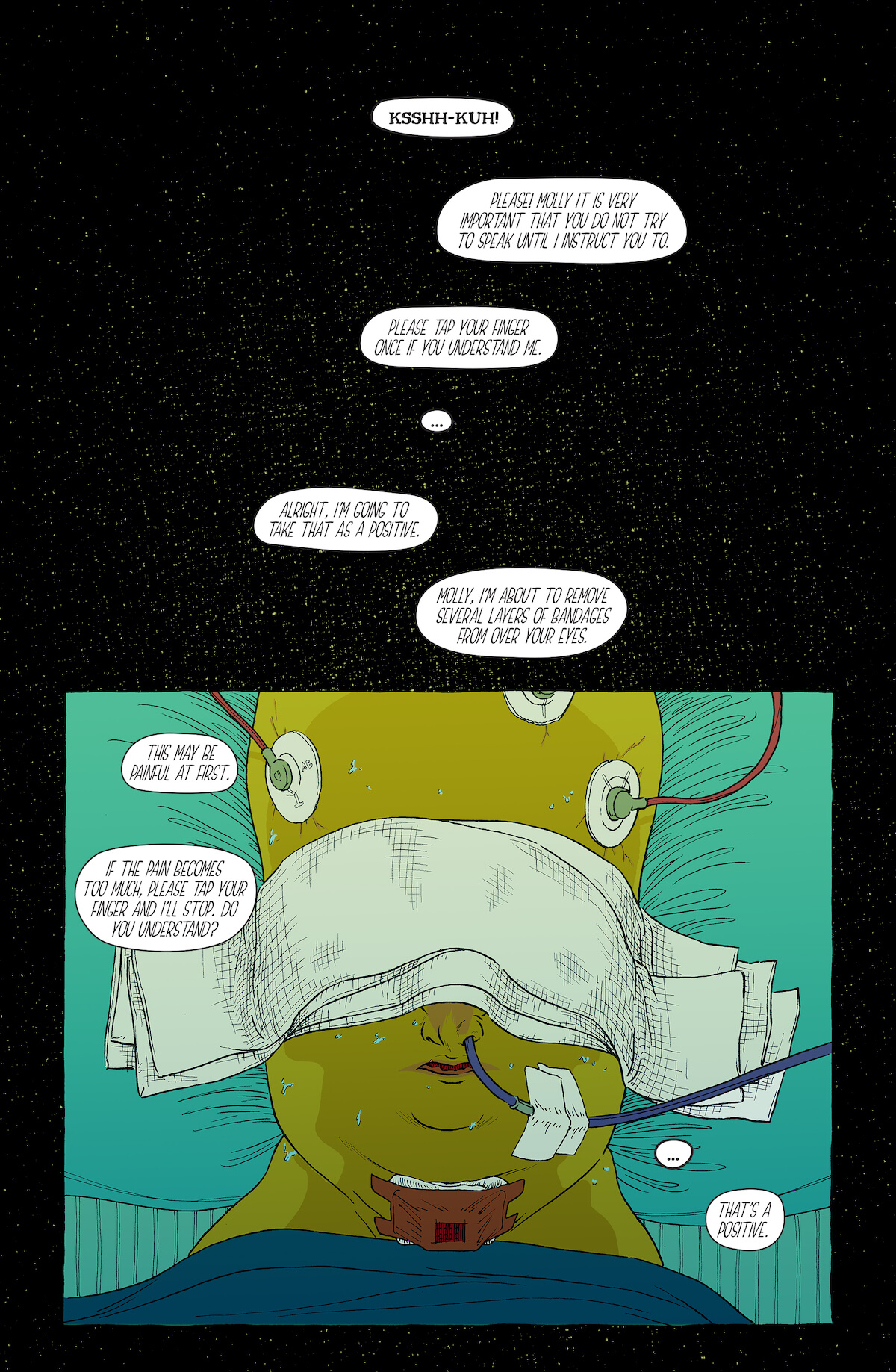
Is there anything that's unique about Short Run that convinced you to come back one year later?
I love Seattle. I lived in Portland for six years, and I have a lot of friends in the Pacific Northwest, so any excuse to come back up in the area, I always jump onto it.
I also really like that Short Run's only a day, so it makes it a lot easier to commit to, if I want to spend some time seeing people that I know in the city that I'm visiting. Some shows, like New York Comic Con and San Diego Comic Con are four or five days long. Who can take that much time away from their responsibilities to go to a show that's that long?
And also I saw that you're going to be bringing a new sort of small press book to Short Run. Can you talk about that one a little bit?
I'm not very good at talking about it, but it's a nonfiction political essay that I wrote with the intent to communicate certain moralistic and philosophical political ideals to problematic white people.
All the comics that I do have a very strong sociopolitical agenda beneath the genre trappings that I candy-coat these ideas in. But I started to feel really disenchanted with that approach, because I felt like it was really easy for people to take the wrong message from things that are too obfuscated through genre conventions.
So if you take the X-Men, for example: The X-Men were designed as a civil rights allegory — which everybody knows and everybody loves to bring up when we talk about the history of political agendas in comics. But it's so easy when the X-Men, the actual team, are almost all cast as white people for white readers reading those books to take away the lesson, not that black people and minorities are oppressed, but that white people are oppressed.
So I was trying to think of ways to communicate ideals a little bit more directly. And so I came up with this zine that kind of explores the narrative origins of empathy and the evolutionary origins of narrative — why we, as humans, try to wrap all of our life's experiences in narrative terms; and how that narrative worldview shapes our perception of empathy; and then why it's easier for us to feel empathy for some people than others.
It was one of the hardest things I've ever done. It took me forever to do it. It's like 60 pages, but each page is one panel so it's actually a pretty short book. But I asked a couple of leading psychologists to consult with me on the book, so I got their feedback: Adam Waytz [author of The Power of Human] and Paul Piff who did the rigged Monopoly study that became a viral TED Talk.
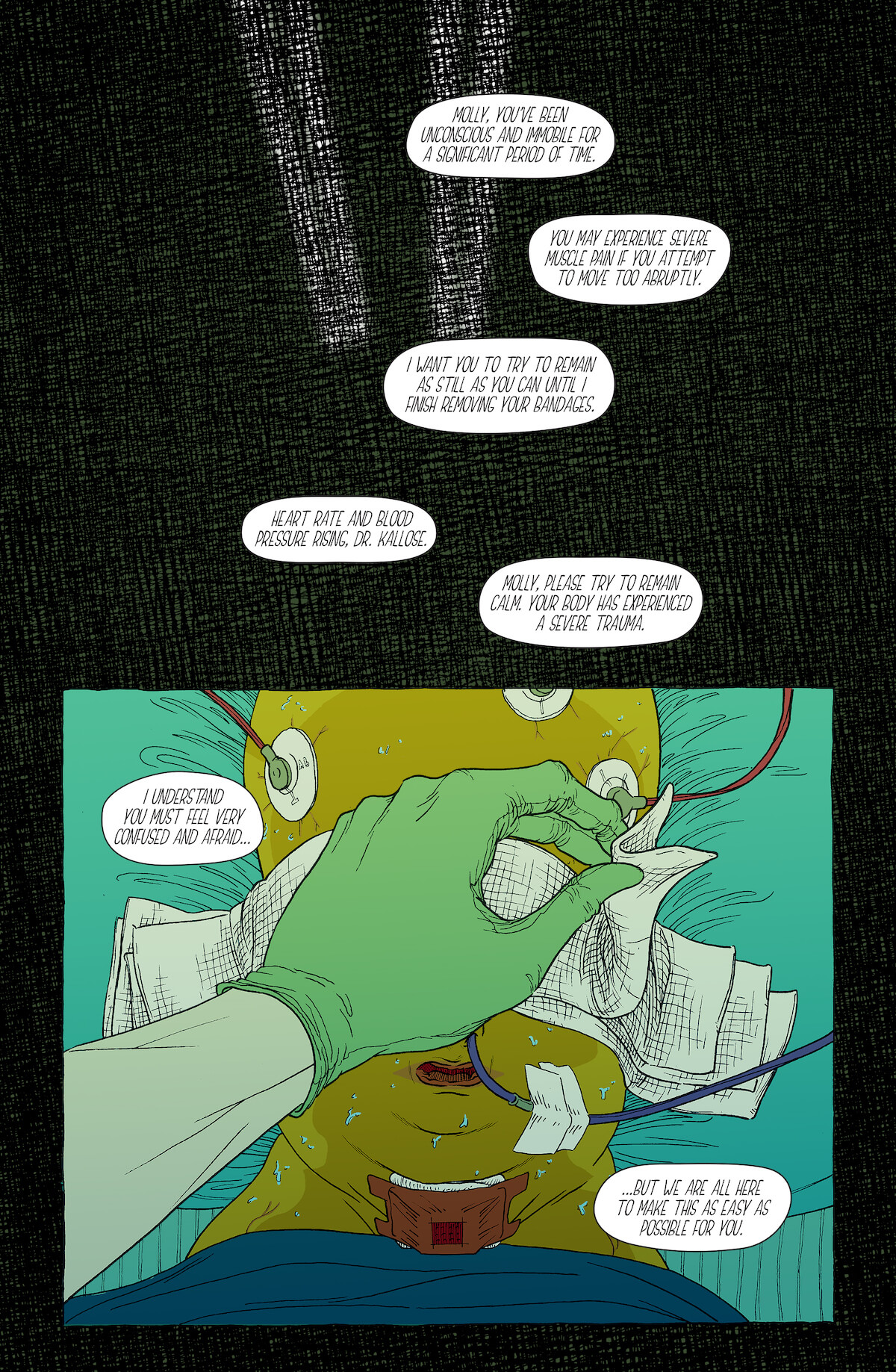
Wow. I can't wait to read that one, because the first thing that comes to mind for me with the combination of politics and comics are the old Steve Ditko Objectivist rants—
I'm not familiar with those.
Oh no? He did a bunch of black and white comics that were about objectivism on Ayn Rand and...
Oh, okay.
Kind of the opposite of what you're doing, sounds like. They're about how there's no society, there's only the individual and there's lots of illustrations with big spheres with mouths talking to men in suits and the men in suits cast the spheres aside. They represent the voice of doubt, or society.
Wow. Sounds great.
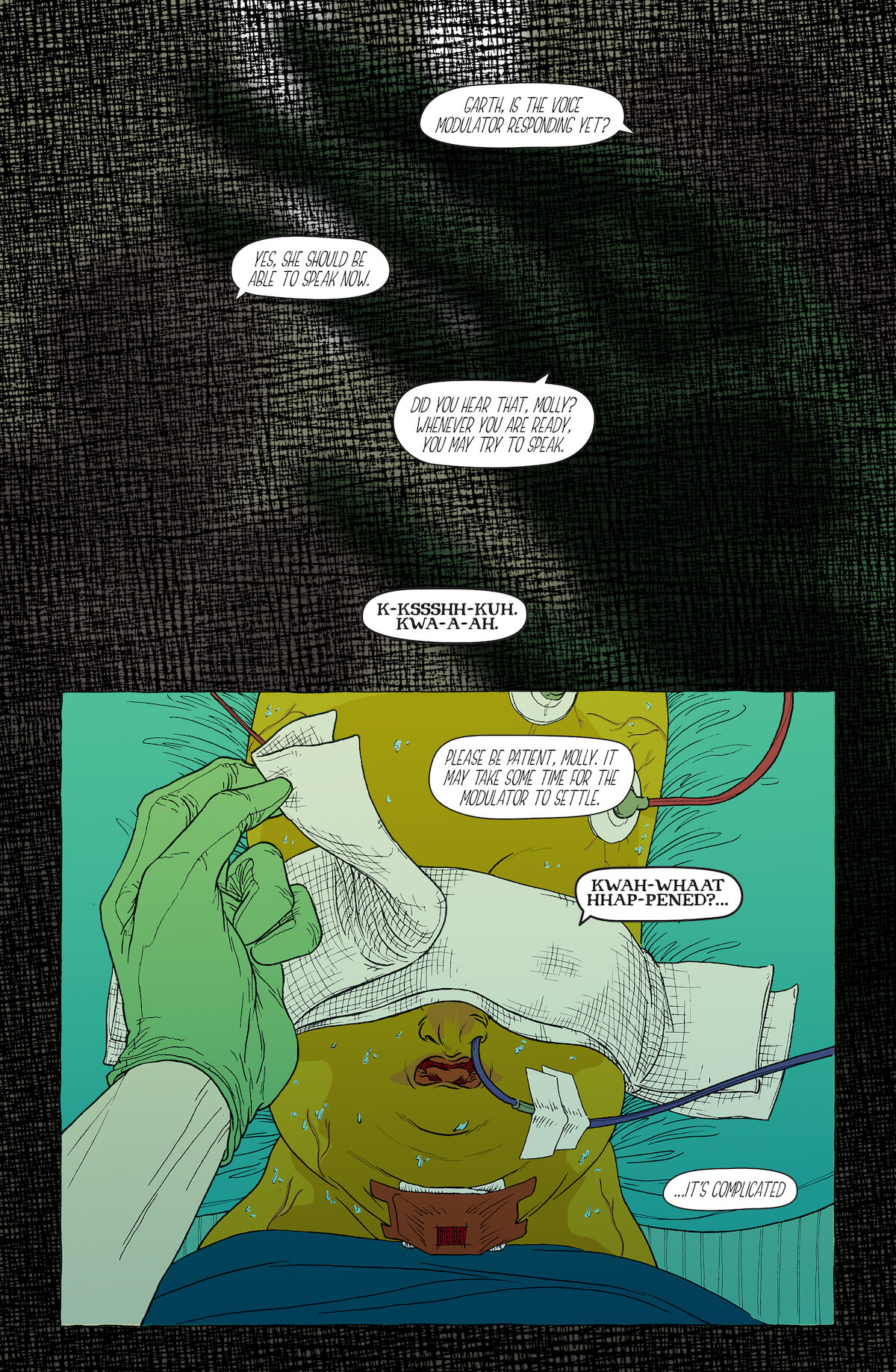
They're very interesting. They're hard to read and they're a little bit bonkers, but I don't know of any other people who have done things like this in comics form. Is it okay to call it a polemic, or what is it exactly? Do you know?
I'm not even really sure what to call it. I'm not huge on labels, so whatever people want to call my stuff, I'm fine with it. I'm not going to claim to have created a format. I think I'm looking to things like The Nib, which is a good example of an approach to political comics that isn't reporting current events, but adding kind of a subjective perspective on some of these ideas.
Yeah.
But the central idea is to create something that's super-palatable, it's super-easy for people to understand, but it's still got some intellectual depth to it, so it'll give people something to think about.
I'm a biracial artist, I'm half Black and half white. And I feel like I'm in a very unique position because of my ethnic background to communicate some of these ideas to my white family members, specifically.
I just feel like I'm kind of preaching to the choir sometimes. When I do shows like Short Run — I mean, I love Short Run and other shows like Short Run; these are the people that I want to spend my time with. But selling a book like BTTM FDRS, which is a very political book, to people that come to Short Run is not really communicating these ideas outside the circle of people that already feel the same way that I do.
I'm sorry, but I hadn't read Upgrade Soul, until I found out we were going to do this interview, but I loved it.
Oh, great. Thank you.
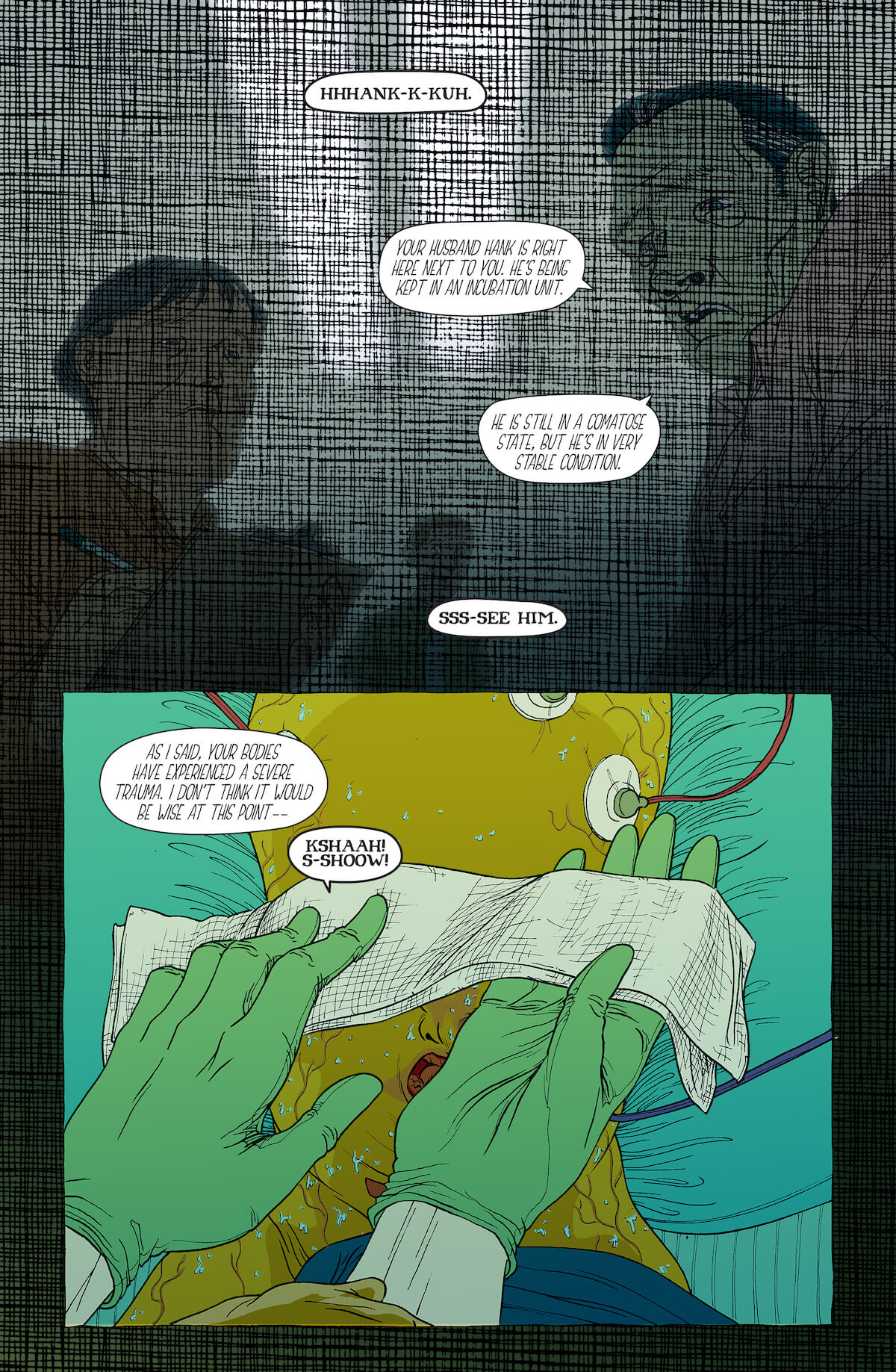
And I really liked the way you use genre. You could write a description of the book that sounds very much like a mainstream commercial comic, and then you made it a very sort of deep and thoughtful and fascinating and squirmy story that I just really dug. Can you maybe talk a little bit more about how you feel about genre? It seems like it cuts sort of both ways, right? You're injecting these sort of deeper ideas into genre, but you're also sort of smuggling genre into a different audience a little bit, right? I don't think that Fantagraphics, for instance, has published a whole lot of genre work before BTTM FDRS.
Yeah, I guess I never thought about that. I'm fighting the good fight of spreading genre ideals into a highbrow literary crowd.
It does go a little both ways. You're smuggling on both sides.
Yeah, totally. I'm cut from the Rod Serling cloth in trying to do stuff in the tradition of creators that were using genre as a Trojan horse to disseminate their political ideals. But I am starting to feel a little bit disenchanted with that approach because it's so easy to get things wrong.
So I don't know what the future of my career looks like. I like working in genre because I just love science fiction and horror. So I think in doing a story like BTTM FDRS, there are very real ideas that I wanted to get across in that book. And I think a big part of slathering those ideals in horror and sci-fi and comedy is just because it was easier on my mental health to go to those places. I can play around in this fun sandbox of toys rather than a sandbox of library books and political essays.
Of course, the book's been out for a little bit and now it's got this interesting second life in the form of an app and a soundtrack. One of the things that really draws me to comics is the way that it sort of puts time in the hands of the reader in an interesting way, right? Of course, there's the page turn, which cartoonists use to create suspense or surprise or something like that, but there's a lot of internal work that happens when you're reading a comic. You can control the timing and the tempo of the comic as a reader in a way that you can't when you're watching a movie. It seems like as a creator you're maybe taking some of that back a little bit in an interesting way. The characters in the app blink and the word balloons sort of appear and disappear. Can you talk a little bit about your relationship, whether you see this as changing the idea of time in the reader/artist dynamic in comics?
The answer is absolutely not. The developer, Erik Loyer, and I, went through painstakingly long discussions. Just from talking to me for the past 15 minutes, I'm sure you can imagine the type of discussions I was getting into with Erik, the developer, about the definition of comics and how far we should take advantage of the technology at hand before it stops feeling like reading a comic.
"The thing that defines comics, just like the thing that defines prose, is the reader's control of the element of time."
And you got it exactly right: The thing that defines comics, just like the thing that defines prose, is the reader's control of the element of time. So as soon as something happens in a digital piece that the reader doesn't control, like anytime there's movement in a panel or something animates, or someone speaks, or even if there's a literal sound effect like a tire screeching as a car pulls away, it's a jarring effect to the reader because it's something that's indicative of time that the reader hasn't controlled.
Okay.
And putting together the dynamic of reader interaction for Upgrade Soul, that was our golden rule that we could not deviate from. That said, there are things in the app like the blinks, that we threw in, that totally go against that rule. But people thought it was really funny and weird, so we kept it in. And this is a little secret: The blinks only happen in the first 20% of the book, and then, after that, the characters stop blinking.
But other than that, the main hook of the app is the reactive score [composed by Alexis Gideon] and that also adheres to the same tenets of control of time that the comic book does. So as you're swiping through the panels, every panel transition triggers a change in the music. The music keeps perfect time with every emotional beat in the story, so you're controlling the music in the same way that you're controlling your pace through the story.
That sounds amazing. I'm glad you put such thought into it. The mainstream publishers have done some — they call them motion comics, usually.
Yeah, totally. And those things never catch on because they always come across being like crappy animated films. As soon as something moves and it doesn't move with the fidelity of an actual animation, it sets up this reaction in the reader: "oh, that moved but it was really crappy looking."
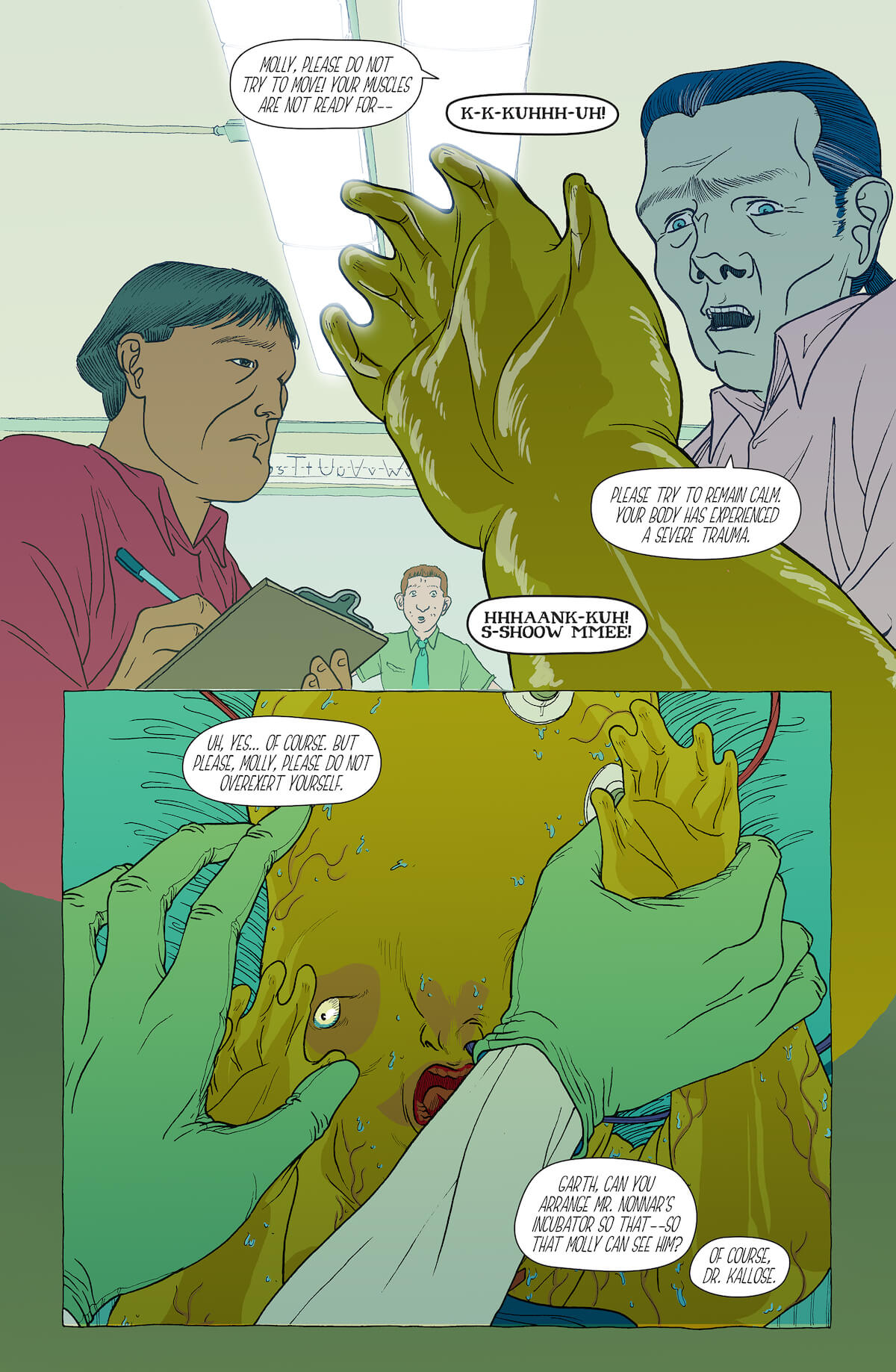
Do you have a preferred reading experience for the story? The app or the printed comic?
It's a very complicated history, but Upgrade Soul was originally developed for the interactive app. It was developed for the app that we just launched. The entire thing has been a self-funded project. We launched it in 2012 with the intent to serialize it, so we would release a new chapter every couple of months. We got about halfway through updating the story and then we just put it on hiatus because we weren't making enough money on it and we were bankrolling it out of pocket.
I kept working on the book and then, when I finished it, I sold it to Lion Forge Comics. But I carved out the interactive rights because I always knew I was going to come back and finish the app. So since Upgrade Soul came out as a book last year and got all this attention, it seemed like the perfect time to try to bring it back.
What am I?
Published October 29, 2019, at 12pm
This Saturday, Seattle author Christine Day reads from her debut middle-grade novel at the Neverending Bookshop. It's a book that unveils the history of Native American peoples in the Pacific Northwest through the eyes of an endearing 12-year-old girl.
Intentions
While you work in the garden
dig holes in the swallowing earth
I put my hands in the soil of words,
ungloved, I sift out the little rocks
Your miraculous back and arms
pull up undreamed dreams
My pen rolls into storms
of laughter and tears
You stop, feel
rain tapping your cheek, your shoulder
We both come inside
there is no other place necessary
forever
David Treuer to appear at The Seattle Public LIbrary
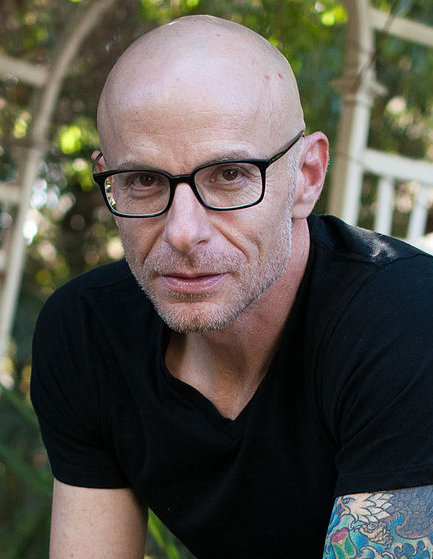
Sponsor The Seattle Public Library wanted to make sure you were aware that they're bringing David Treuer to the Central Library, Thursday, November 7, at 7pm.
Treuer's acclaimed latest The Heartbeat of Wounded Knee recasts Native history, and blends reporting with memoir. A finalist for the National Book Award, longlisted for the 2019 Andrew Carnegie Medal for excellence, Treuer's book is having a huge impact.
Come hear him talk about his work. There's much more information on our sponsor's page, and links to The Seattle Public Library's page about the event.
We're so grateful for sponsors like The Seattle Public Library, who bring such amazing events to our city. Returning sponsors like them know our readers love to hear about what's happening in Seattle. You can tell them, too, with your own sponsorship. Take a look at our Sponsor pages for more information. We have some prime holiday spaces open to get the word out for people in the present shopping mood. We'd love to talk to you about them!
Your Week in Readings: The best literary events from October 28th - November 3rd
Monday, October 28th: Winners Take All Reading
See our Event of the Week column for more details. Town Hall Seattle, 1119 8th Ave., 652-4255, http://townhallseattle.org, 7:30 pm, $21.
Tuesday, October 29th:
Birds Fall Silent in the Mechanical Sea is a new anthology from new publisher great weather for MEDIA. This event features readings from Kate Berwanger and Ellen Meny, Douglas Cole, Bryn Gribben, GG Silverman, and Sonya Vatomsky. There's also an open mic night.
Vermillion Art Gallery and Bar, 1508 11th Ave., 709-9797, http://vermillionseattle.com, 7 pm, free.
Wednesday, October 30th: Booktoberfest: Ales from the Crypt
The Seattle Public Library presents an evening of "spine-tingling tales of terror from beyond the grave." (Does Little Women, for instance, count as a tale from beyond the grave? The author is dead, after all.) Floating Bridge Brewing, 722 NE 45th St, 206-466-4784, 8 pm, free.
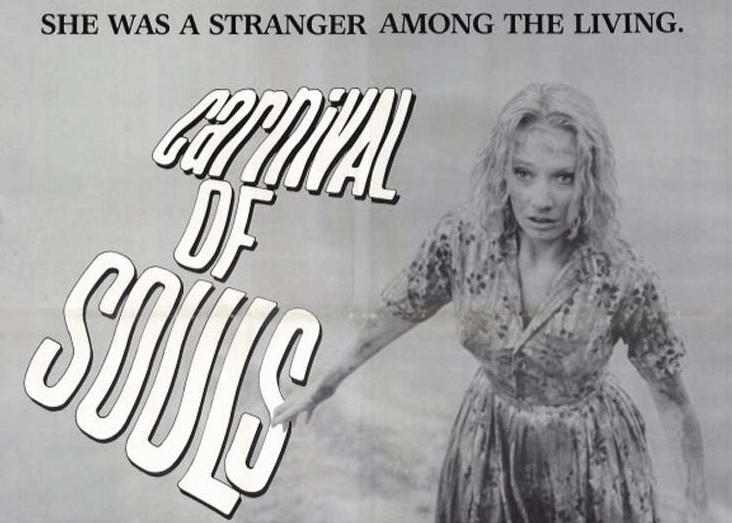
Thursday, October 31st: Booktoberfest Halloween Horror Movie Marathon
This is not strictly a reading or a book-related event, but it's Halloween and there are no readings that I could find and it's at the library, so let's stop worrying about details and live a little. This is a marathon screening of the films A Bucket of Blood, Little Shop of Horrors, Carnival of Souls, and Night of the Living Dead. Seattle Public Library, 1000 4th Ave., 386-4636, http://spl.org, 3 pm, free.
Friday, November 1st: How to Do Nothing Reading
Are you sick of the goddamned internet sucking up all your attention? Are you tired of picking up your phone to look at a single text message, only to find that twenty five minutes later you've been watching guinea pig videos for no reason? The author of How to Do Nothing: Resisting the Attention Economy can help. Town Hall Seattle, 1119 8th Ave., 652-4255, http://townhallseattle.org, 7:30 pm, $5.
Saturday, November 2nd: I Can Make This Promise Reading
Local author Christine Day presents a middle reader novel about a young Native American girl who finds information about her family that leads to other questions.
Neverending Bookshop, 7530 Olympic View Dr Unit 105, 425-415-1945 http://www.theneverendingbookshop.com/, 2 pm, free.
Sunday, November 3rd: Floating Bridge Group Reading
Winners of the Floating Bridge prizes for poetry publications—chapbooks and poetry collections — read their work: Jory Mickelson debuts Wilderness//Kingdom, Katrina Roberts launches Lace, and Elizabeth Vignali presents Endangered [Animal]. Elliott Bay Book Company, 1521 10th Ave, 624-6600, http://elliottbaybook.com, 3 pm, free.
Event of the Week: Winners Take All paperback release party at Town Hall Seattle

Tonight, author Anand Giridharadas takes the stage at Town Hall to read from the paperback edition of his exciting book Winners Take All: The Elite Charade of Changing the World. I generally try to focus on local authors in the Event of the Week column, but Giridharadas is important enough that he deserves this spot.
Winners is a book about how the super-wealthy elite use philanthropy as a shield to protect themselves from criticism, and to add to their own coffers. It's the kind of book that actually makes waves: Giridharadas has been on the receiving end of a fair amount of criticism from the status quo in the year since the book came out, and so now people are finally discussing the problems inherent in the philanthropy system, and the worsening inequality it causes.
It helps that Giridharadas is an old-school big journalistic personality: with his leather jackets and his sky-high hair, Giridharadas summons the carefully cultivated image of a public intellectual. Think Tom Wolfe, Hunter Thompson, and Joan Didion — the kind of bracingly honest writers who develop cults of fans. It's a rarity these days, but Giridharadas is using his newfound fame to great effect: he's throwing bombs and speaking truth to power on cable television news shows. This kind of criticism never would have been so publicly aired without a personality like Giridharadas to propel it to our attention.
Tonight at Town Hall, Giridharadas will be interviewed by Steve Scher. If you haven't read this book, or if you have read this book, or if you're curious about what it's like to be in the same room as a journalistic superstar, this is the event for you.
And if you want to discuss the book with other readers, please save the date: On December 4th at 7 pm at Third Place Books Seward Park, the Reading Through It Book Club — a joint presentation of Third Place Books and the Seattle Review of Books will be discussing Winners Take All. (All are welcome, with no purchase necessary.) This is the kind of book you read, and fall in love with, and evangelize over, and discuss endlessly. In other words, it's a book by a superstar.
Town Hall Seattle, 1119 8th Ave., 652-4255, http://townhallseattle.org, 7:30 pm, $21.
The Sunday Post for October 27, 2019
Each week, the Sunday Post highlights just a few things we loved reading and want to share with you. Settle in with a cup of coffee, or tea, if that's your pleasure — we saved you a seat! Read an essay or an article online that you loved? Let us know at submissions@seattlereviewofbooks.com. Need more browse? You can also look through the archives.
The great American press release
Here’s a reminder of what “lynching” really means, from New Orleans writer Maurice Carlos Ruffin: not a set of shallow associations, but a history bleeding like poison into the present-day reality of our country.
Once, in mixed company, another friend and I mentioned how pervasive lynching imagery was. A white friend admitted that she had never seen a single photo. I was shocked, but not surprised. A lynching was a warning. She didn’t need to be warned.
How Mary-Kay Wilmers became Britain’s most influential editor
In the wake of Patricia Lockwood’s epically devastating re-assessment of John Updike in the London Review of Books, a profile of the LRB’s editor-in-chief: an 81-year-old woman with a gimlet gaze and a fearless sense of what “the paper” is and does.
I asked Wilmers how she intended to mark the 40th anniversary in the paper. Was she going to do something special?
"No,” she said, very offhand. “It’s just meant to be good.”
What happens if building more housing doesn't work?
Alex Danco asks a question that should be chilling for Seattle. There’s no question that we need more affordable housing (more affordable housing, and more-affordable housing). But more housing doesn’t mean prices drop, for the same reasons the rich always get richer.
The thing with positive feedback cycles is that they necessarily come to an end, unless there is some enormous reservoir of resources they can draw from in order to keep perpetuating. In the housing market, the basic mechanic through which this keeps perpetuating is: banks lend money to homebuyers; the more freely they lend it, the higher it will drive house prices. This has two mutually reinforcing consequences: people will need bigger mortgages, and the bank will be able to issue them, since they’re allowed to lend up to a specific leverage ratio that is now buoyed by rising home values.
Whatcha Reading, Joy McCullough?
Every week we ask an interesting figure what they're digging into. Have ideas who we should reach out to? Let it fly: info@seattlereviewofbooks.com. Want to read more? Check out the archives.
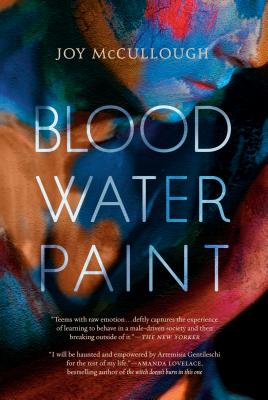
Joy McCullough is the Seattle-based author of the young adult novel Blood Water Paint, for which she was just awarded the Washington State Book Award, and which was also long-listed for the National Book Award. The book is based on the life of Renaissance painter Artemisia Gentileschi, a gripping, tragic story of resilience and defiance against a brutal society deliberately designed to keep women oppressed. We are incredibly lucky that right now, in Seattle for the first time, you can see a Gentileschi painting in person at the Seattle Art Museum's exhibit Flesh & Blood, now showing through January. McCullough will also be appearing October 30th at the Gage Academy of Art on Capitol Hill in conjunction with a Masterpiece Lecture Series lecture focused on Gentileschi. Congratulations, Joy, on your recent accolades; we're so grateful for your work bringing Gentileschi to new audiences!
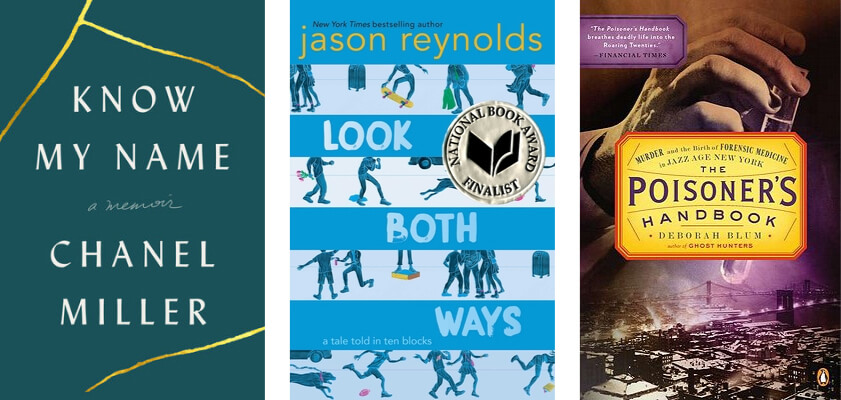
What are you reading now?
I just read Know My Name by Chanel Miller and it is an absolute must-read for anyone who is able to read it. (Trigger warning for sexual assault.) The survivor of the highly publicized Stanford rape case tells her story with devastating clarity. It is both heart-wrenching and hopeful and it tells the story not only of one horrific act of violence, but the broader story of being a woman in this world.
What did you read last?
I am currently reading The Poisoner’s Handbook: Murder and the Birth of Forensic Medicine in Jazz Age New York by Deborah Blum. It’s equal parts true crime and science history, set in a compelling, cinematic era. I don’t read a lot of non-fiction, but this one is filled with so much intrigue and story that I’m really enjoying it.
What are you reading next?
Up next, I’m planning to read Look Both Ways by Jason Reynolds, one of our greatest authors of books for kids and teens. His latest is on the short list for the National Book Award for Young People’s Literature. It’s a collection of interconnected short stories, each focused on a different kid’s walk home from school. Reynolds is an extremely innovative writer and master storyteller and I’m really looking forward to this one.
Walk, run, Lit Crawl 2019
Lit Crawl is one of our favorite adventures of the year, more so this year with an extra round of readings (our tired feet!) and two new members of the team on board: Julie Yue, and Mariya Bashkatova joined Dawn McCarra Bass, Paul Constant and Martin McClellan to cover the night this year. Even five of us could catch only a fraction of the incredible talent on display — in a single night! — but we did our noble best. Kudos to the Lit Crawl organizers for continuing to make this event bigger and better, a landmark moment in the literary year.
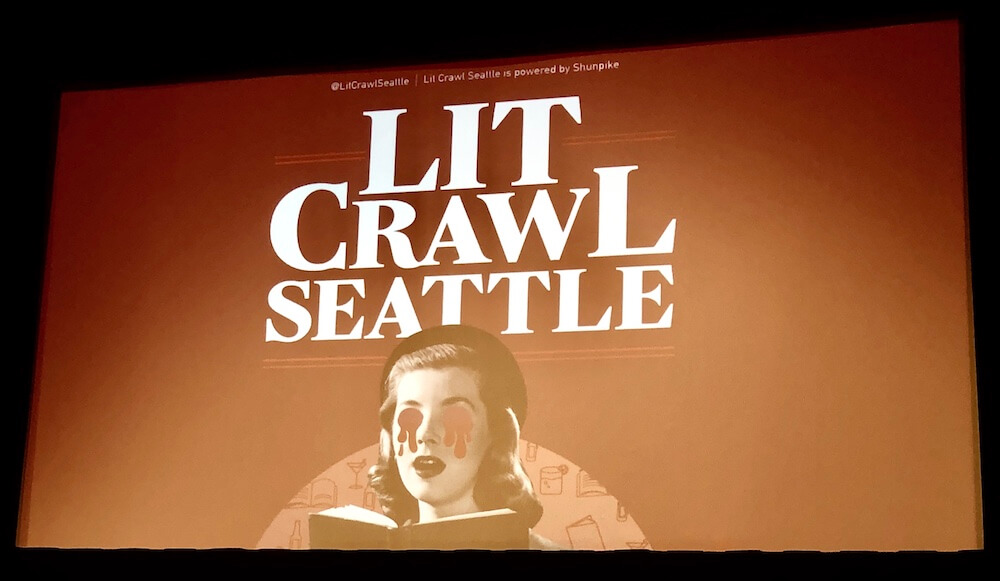
Phase 1: 5:00 p.m.
"A woman's work," Intrigue Coffee and Chocolate
It's a gift to start Lit Crawl at a coffeeshop, the oldest-school place for words to be read out loud. And it's a tribute to the Lit Crawl organizers that the not-small room at Intrigue (really! It's huge!) was crowded at 4:45 with people eager to start the night.
Mineral School — the residency program founded by Jane Hodges — is well known to Seattle Review of Books readers. We loved seeing Hodges read her own work after supporting so many other writers. The excerpt she read from a memoir in the works, a piece on an aging relative's loss of cognizance, was poignant but not mawkish, wry but not silly. Taking care of the dying has, indeed, always been women's work.
In a set of readings on women and work, there is no avoiding the unpleasantness of men in the workplace. For Kristen Millares Young, it was the A1 editor, one of a series of men to mistake her self-possession for an invitation to possess. Millares Young is one of the best readers in Seattle; her voice is strong and warm and carries anger and humor equally well. She's also one of Seattle's best essayists, producing rich, thoughtful, human work time and time again. You can read "Every Woman Keeps a Flame Against the Wind" in Proximity Magazine. If you have the chance to hear her read this, or anything else, aloud, take it.
The lovely surprise of the reading (we expected good things from both Hodges and Millares Young) was Jean Ferruzola, who we hadn't heard before. Ferruzola is a quiet reader, so everybody got quiet to listen. Her writing is personal, funny as hell, and incredibly smart. "Sadness can be a problem of narrative," she said, before relating a painful story about a man in power who asked for something he shouldn't have. Ferruzola captures exactly how the shocking, arrogant persistence of such a request can lead to surrender — and how violation can become the author of a woman's story.
Stinky and Spooky with a Side of Magic at the Capitol Hill branch of the Seattle Public Library
One member of the audience stole the author's book right off the reading table at the Capitol Hill branch of the Seattle Public Library. He ran away with the book, cackling. Another member of the audience disrupted the reading with raucous laughter when the author read the word "butt." Nobody in the audience even blinked. The authors were used to this kind of lawless treatment, and even seemed to enjoy it.
These three local children's authors kept things relaxed and fun for the children in attendance. Donna Barbra Higuera enlisted her fellow authors in a scripted reading from her upcoming picture book about El Cucuy (which, Higuera explained, is "The Mexican boogeyman," who is "much scarier than the American boogeyman.") Mark Maciejewski read from his second book in the “I Am Fartacus" series, Electric Boogerloo — his was the reading with the celebrated "butt" in it — and Kim Baker presented her upcoming middle-grade novel The Water Bears, about a boy who survived a bear attack. Every Lit Crawl should begin with a reading where members of the audience feel comfortable enough to lie on the floor and giggle openly.
Y-We Poetry Reading at Northwest Film Forum
What a great way to start the night, listening to three artists near the start of (what we hope will be) a lifetime of explorations — all three presented with the cool confidence and self-awareness of more tenured writers.
Lucia Santos was first, reading a series of poems, including one titled "Poems my Notes app rearranged". She spoke of wanting to write about the world “on a more abstract level" and had some wonderful imagery in her work.
Azure Savage, who recently came out as trans-masculine, wrote You Failed Us: Students of Color Talk Seattle Schools with the intention of causing "systematic change in education". They interviewed forty students of color, all of whom attended Seattle Public Schools at one time or another, about their experiences. Savage said the perspective of students of color is the one they wanted to share most, because that is the perspective that gets heard the least. They collected the interviews, and then used the themes that emerged as chapter groupings. They talked about the book reaching people in power who are listening — the entire project an astonishingly mature and capable approach, both art and journalism, in working to enact change.
Robin Hall's project was more inward facing: she explored self-hatred and body image, how there were many places she could go where people would tell her to love herself, but none where she could honestly express the negativity she carried — the feelings she felt she needed to step through before finding that self-love. She is interested in "systematic change in how we view our bodies.". Like the other two Y-We alumni, she showed up, tackling personal, difficult issues with impressive vulnerability.
Y-We stands for Young Women Empowered. The group offers multiple programs for diverse young women, including a writing retreat camp.
Phase 2: 6:00 p.m.
"Playing with Dough" at Elliott Bay Book Company
Has there ever been a better combination than books and baked goods? Yesterday's talk paired gluten-free gougères, gluten-free banana bread, and (gluten-rich) pasta crackers with a panel discussion by cookbook authors Jeanne Sauvage, Linda Miller Nicholson, and Aran Goyoaga.
Cooking is so personal and ritualistic, and these three authors are all invested in the way that food is inextricable from our family histories, our childhoods, and our sense of comfort and home. This relationship is especially evident when you develop a food allergy or intolerance and suddenly need to rework beloved family recipes.
Jeanne Sauvage, author of Gluten-Free Wish List, said she had to "learn new ways of eating and connecting with heritage" after she developed a gluten intolerance and could no longer eat the same foods she'd been enjoying since childhood. Her book focuses on tweaking classic baked goods to make them gluten-free while keeping their nostalgic and familiar flavor.
Linda Miller Nicholson said her mission is to "bring joy to people through food" and also to sneak some vegetables into her child's pasta, so her new book, Pasta, Pretty Please, is a kaleidoscope of rainbow pasta enhanced with vegetable purees. Her bright stage presence matched the colorful pasta, and I believed her when she said she's made pasta by hand at least once per week since the age of four. She also has great tips for cooking pasta, including a recipe for the appropriate salinity of pasta water that was almost too titillating to include in the cookbook.
Blogger, food stylist, and photographer Aran Goyoaga spoke about her food journey: from a child growing up in a family of chefs, to a young person living with an eating disorder, to an adult returning to cooking as a source of healing and nourishment. Her cookbook, Canelle et Vanille: Nourishing Gluten-Free Meals, grew partly out of her writing about her past and family traditions in the Basque country in Spain.
This is one reason we buy cookbooks — not just to learn a recipe (there are more expedient ways of doing that) but to learn someone's story through food and to step into a world where all the china matches (or is artfully mismatched).
"COAST|noCOAST issue 2 release" at Vermillion
The joy of a journal reading is the mix of voices and genres, trying to find the aesthetic throughline while enjoying the differences. COAST/noCOAST is a new journal, only in its second issue (release to come in December or January), but its editorial voice suits the stage. First- and second-person readings by Alayna Becker and prose editor Katie Lee Ellison went immediately to the hairline crack between personal and political; Ellison's piece, which centered on her Jewish father's swastika-imprinted rug was particularly compelling.
Erich Schweikher, also co-editor, read a mix of work — his own, and poet (and third co-editor) Charles Gabel's. Schweikher said he's been writing the same poem for 20 years, and has finally given in to it; you could hear the way those years have worn some edges off and sharpened others in his verse: words and sounds bouncing against each other with a casual skill. It's interesting to hear one poet read two poets' verses. It brings out the style of each more strongly. Or maybe that's just a tribute to the poets' strength, to hear both voices so clearly even when spoken through the same throat.
The Seattle Review of Books is an unabashed fan of Mita Mahato's work — those delicate but unfragile poems cut out of paper. Kudos to Vermillion for accommodating the screen that allowed her to combine reading with a slideshow of the collages that are essential elements of each poem. Only Mahato could write about "the planet as a square of blue paper in a rectangle in a comic strip" while punning about flat-earthers and transforming Blake's Tyger into a tiger-headed robot.
Mahato is working on a short, gorgeous, and heartbreaking series of images on the changing boundaries between humans and other animals, hopefully ready for Short Run. Not ready for Short Run but now eagerly anticipated by everyone in the audience: a visual sonnet sequence, based on her residency in the Norwegian Arctic, in which a polar bear serves as her Petrarch's Laura. "The sonnet is a form that necessarily deals in puzzles," she said, and climate change is a puzzle she won't let go of. If only poets, and comix artists, could be president.
Seattle Youth Poet Laureate cohort at the Capitol Hill Branch of the Seattle Public Library
"This one's for my mom, but if any of you moms out there can find something in it, maybe it's for you," announced a poet whose name we didn't catch at the Youth Poet Laureate cohort reading. Based on the poems we heard, there are a lot of proud mothers out there. Maia Pody read about fingernails as symbols of beauty standards and also carriers of dirt that stays with us, just under the surface and impossible to fully clean. Marina Chen read a poem about expectations and obsessions written to another: "you, the reason there's chocolate on my cell phone." Seattle Youth Poet Laureate Wei-Wei Lee read a poem to her friend Gabriel, "who isn't here today, but that's okay because I could never say this to his face." It was a poem about a car ride fraught with emotions, about steeling your voice to feel confident and squeezing feelings of inadequacy into something smaller and easier to manage. The poems were raw and exploratory, bouncing off each other and works of art — Chen references The Little Mermaid; another poem responded to All the Light We Cannot See. It's the kind of reading that reminds you why we love poetry when we're young: because it's how we make sense of the world and explain ourselves to ourselves.
The Poet Salon at Northwest Film Forum
A live podcast recording during LitCrawl! The Poet Salon hosts Dujie Tahat and Luther Hughes (usual third host Gabrielle Bates couldn't make it tonight because of travel) interviewed Natalie Scenters-Zapico. New to the area, Scenters-Zapico is Poet in Residence at the University of Puget Sound, and her most recent book Lima :: Limón was released in May by Copper Canyon Press. (The title comes from the Concha Piquer song "A la lima y al Limón", a cautionary tale about a thirty-year old unmarried woman. The children who live near her look up at her window and caution each other not to be like her. Thirty! Unmarried!)
Scenters-Zapico read three poems and answered questions from Tahat and Hughes, talking at length about growing up in the twin cities of El Paso/Juarez during the rise of the drug wars. The conversation ranged from writing about the desires and physicality of the body to watching her home towns become a "test-tube for modernization"; how femicide was a common context during the violent years, and what it's like to grow up on the border, surrounded by fliers for missing women. "The documents of death," she called them. "The documentation of brutality."
"We must be careful how we perceive border spaces", she said, tying together events in Juarez to missing indigenous women in America, where reservation land often abuts oil industry fracking and remote areas. She spoke to how no one in our country pays attention to these women disappearing, and how wrong that is. We must be careful how we perceive border spaces; we need to pay attention to border spaces.
Scenters-Zapico's poetry is absolutely sublime — you'll be able to hear for yourself when the episode is released, although picking up her book in the interim would find you richly rewarded.
Phase 3: 7:00 p.m.
“Haunted by Heartbreak" at Ollie Quinn
Desire, grief, and heartbreak were the ghosts of the night, though the light wood decor and hanging pothos plants of Ollie Quinn are less “haunted house" and more “Swedish coffee shop." Jessica Mooney, an SRoB contributor, opened the event with a lyrical essay from her just-released chapbook, Parting Gifts for Losing Contestants, illuminating a tangle of miscommunication, loss, and language breakdown in a relationship. "I don't know how to say what I mean," she read. "Taxonomy remains mysterious."
Poet Keetje Kuipers's performance made me want to immediately go out and buy all of her poetry collections. She opened (appropriately for the spooky theme of haunting heartbreak) with "Finally," a poem about sex in a cemetery, which intertwined lust and love with death and featured the indelible description of cartilage grinding into "dust finer than the finest semolina flour."
Kuipers described one of her collections, The Keys to the Jail, as "the saddest book that's ever been written," and it's true that the poems she read carry heavy emotion. The past is constantly flitting in and out of them, mingling with the present and continuing to haunt the living. In "Told You So," from her newest collection, All Its Charms, she described using the old boxers of "the man I thought I'd marry" to clean up her daughter's orange juice spill. In the same piece, she recounted crying on the shoulder of a former lover before going to a clinic with the intention of getting pregnant, "worried that whoever I loved next would never know my body when it was beautiful." The room was silent while Kuipers let the line sink in. "How could I have been wrong about so many things?" she finished, to a hum of agreement from the audience.
We also got to hear a new piece from Anne Liu Kellor, memoirist and creative writing instructor at the Hugo House. In the candid and open essay, she explored having a crush on a carpenter while dealing with some reverberations from her husband's long-ago unfaithfulness. Kellor connected with the room and created a warm environment and some big laughs.
Poet, writer, and disability justice activist Leah Lakshmi Piepzna-Samarasinha was unfortunately not able to attend the event, and we missed her.
Apocalypses Now at Bauhaus Coffee
Woodinville author Alexandra Oliva noted that her first novel, The Last One, was a post-apocalyptic story about a reality show colliding with the end of the world, and so it would have been perfect for the apocalypse-themed reading at the new Bauhaus Coffee space on Harvard Ave. But she's almost done with her second novel and in another place mentally, so she read a new piece about the emotional desolation of a new city. There are always more than enough apocalypses to go around, after all.
Jennie Melamed's apocalypse was a fantasy story, about a badly burned knight warning his kingdom that a dragon was swiftly approaching. Ruth Joffre read poetry about rising seas and selections from a novelette about people obsessing over sour candy and ice cream cake even as a virus mercilessly wipes humans off the earth. It's appropriate that Joffre offered calamity by multiple choice: No single apocalypse is enough for one person. When it comes to the end of the world, we each contain multitudes.
Hedgebrook reading: Strangers in a strange land at Capitol Cider
Ah, Capitol Cider. One of the favored Lit Crawl destinations — full-service food and drink! Also one of the loudest, with at least half the room there for the cider and the other half for the words. But the mic was good and strong, and the readers cut right through.
Kathleen Alcala kicked off the session with her piece "Strangers in an estranged land", tying her Spanish-Jewish history to early immigration, when Spain made it clear to Jews that their choices were to convert, to get out, or to die. "Being persecuted does not make you a saint," Alcala said, pointing out that "life, as long as it was somebody else's, was cheap."
Wendy Call spoke of visiting Bogota, Columbia, and meeting an artist named Daniel who brought her to a mural he made, showing nine people who were victims of the violence and drug wars. "I need to clean it," he told her, "wiping his hand along the mural and looking at the dark ghost on his fingers."
Ellen Forney showed that her humor and spirit are just as sharp when not paired with her wonderful comic art. She spoke of crying in public and the things she does to avoid it. One part of the story involved eavesdropping on a metalhead and his mother in a movie theater as they chatted about song names. She also recommended looking up the mammalian diving reflex, in which immersing your face in cold calms your body. There is, of course, just the option to let the tears fall in public and not worry about how people might react — but a good story needs a tension point, and Forney found plenty of humor around finding your cheeks wet when, perhaps, you feel ashamed that the context might not warrant the expression.
Phase 4: 8:00 p.m.
“Making of Seattle" at Elliott Bay Books
While many LitCrawl events focus on a host of writers sharing poetry and prose around a single theme, this final food event at Elliott Bay Books dove deep into the process of writing a cookbook with one author, Julien Perry. Her newest cookbook, Seattle Cooks, shares quintessential recipes from forty local chefs. In conversation with food writer and author Kathleen Flinn, Perry describes how she managed to wrangle forty restaurant chefs into trading their food scales for measuring cups.
"It was a nightmare," said Perry, about convincing restaurant chefs to translate their dishes for the home cook. Unlike the film Ratatouille, chefs don't keep a trove of recipes in a robust card catalog. Their staff learns simply from watching them make it. What's normal for a chef – working with vast quantities, long lists of specialty ingredients, smoke guns, sous vide machines – is far beyond what even the most ambitious home cooks are ready for. One grilled octopus dish had so many components that the first iteration of the recipe was a full seven pages long. The editorial process was just as arduous — five rounds of editing, five rounds of copyediting, and then multiple rounds of proofs. Pro-tip: don't leave the recipe testing to the last minute!
This was an unrivaled opportunity for anyone who has ever wished to write a cookbook. Kathleen Flinn shared insights on how the genre has changed in the era of online personal branding. Keyword search has allowed niche cooking to become viable. The visual tyranny of Instagram has changed the economics of book publishing — the cost of full-bleed color photographs is now a necessary expense.
A final delicious perk: there was so much food from whole evening! Sockeye salmon and gingery noodles, still more gougères, chewy snickerdoodles, and chili from Jack's Barbecue, one of the restaurants featured in the book.
Surreal Storytelling with Strange Women at Corvus & Co.
This special Lit Crawl edition of the popular reading series — inspired by the works of authors like Aimee Bender and Alissa Nutting — was a high point of our evening. Series host and curator Kate Berwanger's piece, a creepy, gorgeous short story about a woman whose body and surroundings begin to turn into plant matter, probably hewed closest to the idea of "surreal fiction." But Vivian Hua's "true story" of a man who decided to drive to California based on the demands of Tupac's ghost was charming and fun, and Kate Bernatche's macabre story about cannibalism was such a gutsy choice (sorry — the pun was unintentional but we're keeping it) for a restaurant serving burgers and chicken wings. Jalayna Carter's poems about labyrinths and headscarves and coats named Sheba were so exuberant that only a true pedant would complain about the readers meeting, or not meeting, the dictionary definition of surrealist literature. It was a powerful showcase, with a variety of talent sharing the work they're most excited to share right now — in other words, what Lit Crawl is all about.
Failing Gracefully with Friends at Capitol Cider
Kilam Tel Aviv hosted this block, introducing his two co-readers before coming up for stage time himself.
Aviona Rodriguez Brown brought a trained theatrical presence, physicality, and vivaciousness to her storytelling. She talked about her Afro-Latinx history and how it differed from her siblings'; about recognizing the moment where she first saw her blackness reflected by people and became truly aware of her color.
Jamaar Smiley followed, with a performance of two of his jaw-dropping works — infused with beat, hip-hop, and complex rhyme-schemes that, at times, echoed Neo-romantic cadence, Smiley's work explored themes of racial identity through metaphors of the natural world, including that most Northwest-y of fish, the salmon. His vivid images came rapid-fire, creating a sense that you are riding a wave of images — you're just just catching one allusion as he drops a second or third, your brain barely keeping up with his. Truly astonishing work — and, amazingly, he performed both very long pieces from memory. Highly recommended if you get the opportunity to see him perform.
Then Tel Aviv was back up, bringing home the theme of failure. He read from a chapbook where he asked local artists and creators to answer questions about how they approach their work and then paired those pieces with poems that, he said, "failed" — or, that were rejected by publications. He read slowly and seriously, taking time to let his poems land, before the punchline of rejection. A fun concept, well put together. It was nice to hear it performed.
Phase 5: 9:00pm
“Scary Stories to Tell in the Bar" at The Pine Box
Due to technical failure (see “Biggest Regret") and ensuing scrambles, we missed the beginning of Darkansas author Jarret Middleton's reading — which surely would have spooked us to the bone. But what we did hear was two hilarious takes of horrific-but-not-quite-horror stories from New York author Chavisa Woods and short story author and screenwriter Ramon Isao.
Woods read from the eponymous short story of her collection Things to Do When You're Goth in the Country, the wry interior monologue of a queer goth having a hell of a hard time in the Bible Belt. One of the must-do's: "I would highly recommend a non-consensual, surprise Southern Baptist exorcism." But you have to prepare to do some legwork before your friends and family will conspire against your soul. For example, go to Bible study dressed like you're going to "kill a Marilyn Manson concert" and read aloud from Old Testament passages about gruesome child sacrifice. Death is everywhere in the country, Woods finished, "all we love is ourselves, all we kill is ourselves."
Death and religion also reared their heads in Isao's chilling imaginary about our dystopian future. A father takes his son to see the last tree in the world, as he did when he was a boy. Having never seen a tree before, his son is less than impressed: "It's just a big stick, Dad!" This atmospheric, sarcastic short story tells of a brave new world where climate change has turned everything into a desert, greenery worship is now a religious cult, racial segregation is real again, and AI learned to write music that made people cry. His world felt strange and harsh, yet so, so familiar.
The long, dim cabin of the Pine Box made the perfect setting for these genre-bending readings. As people piled in with jugs of ale and listened to the violent ironies of our old religions and bittersweet predictions of our future, you can't help but feel like this was a scene that's happened so many times across so many millennia. We're still just a bunch of big-brained apes who learned to tell each other stories, again and again, in new and different ways every time.
Writing Against the Body at Ada's Technical Books & Cafe
The quick walk up the hill was brutal — why, oh why, are the events so far apart! — but the promise of these four poets made the choice an easy one.
Previous Seattle Review of Books Poet in Residence Abi Pollokoff hosted the evening, first introducing Laura Titzer, who beyond her lyrical and engaging poetry, is an artist and community food organizer.
Laura Wachs was up next, reading work questioning her unknown birth mother, wondering about the connections and thoughts she is unsure if they shared. Other pieces about recovery from eating disorders were raw, visceral, and very real: a confrontation and a naming.
Joyce Chen said that "I write about how time exists in the body" — she spoke of how her mother, and the immigrant's dilemma of wanting a parent who is American and local, but who doesn't sever the connection to history and the past.
Abi Pollokoff closed the night — and Lit Crawl, for those of us who picked this as the last venue. She read from a series of new work that she called "a feminist eco-poetic." Pollokoff is a present and powerful reader, using rhythm and repetition to bring moving waves of emotion to her pieces. It was great to see her give voice to some of the white space she uses to keep words apart (and together) on the page — a kind of concrete melodiousness that evoked something of songwriting for me, as if she started with a melody and stripped everything that rhymed too close until it was just the cadence of words.
Weed the People at Rachel's Ginger Beer
"So this is my first time doing theater in the round," Leila Marie Ali joked at the beginning of the Weed the People reading. Rachel's Ginger Beer on 12th Avenue, it must be said, is a terrible venue for a reading. The ceilings are high and a few of the customers are very loud assholes. But the Lit Crawl crowd — ever troopers — are used to making do with non-typical readings venues. We circled around the readers to listen to them talk about their relationship with marijuana.
Ali, for instance, is a tour guide at the Herban Adventure Tour. "Now I'm like the Weed Queen but, full disclosure, my tolerance is very low," she joked before launching into an epic poem about the history of marijuana prohibition. Ahnya Smith, founder of the Colored Cannabis Collective and host and curator for the evening, said she was floored the first time she saw Ali read her work, and it's easy to see why: she's charismatic as hell, prowling the floor and drawing the audience in.
Smith, Ali, and poet Nadia Imafidon made the political theme of the evening a personal one, talking about what it means to be Black women trying to take back cannabis culture from the white people who criminalized it and are now gentrifying it. Imafidon's poem about being told to "take a breath" when she expresses her displeasure says it all: in certain venues, a woman of color simply isn't allowed to be herself. So there's a special kind of joy in these women carving a poetry venue out of the middle of an obnoxiously loud bar, demanding the space and the attention they deserve. As a symbol of the world the authors were aspiring to build, it was just about perfect.
Biggest Regret of the evening
Due to a Google Maps mishap, one of us ended up eight blocks south of Bauhaus Coffee at 9:07 p.m., and couldn't make it to “Winter in America" to watch Robert Lashley, Christopher Rose, and Paul Hlava Ceballos share their poetry inspired by jazz poet Gil Scott Heron. What a miss — we're sure it was phenomenal! We'll catch you next time. (Bauhaus — update your Google Maps address!)
The Help Desk: No Rush!
Every Friday, Cienna Madrid offers solutions to life’s most vexing literary problems. Do you need a book recommendation to send your worst cousin on her birthday? Is it okay to read erotica on public transit? Cienna can help. Send your questions to: advice@seattlereviewofbooks.com.
Dear Cienna,
Do you sing karaoke? I do, and I just lost a friend because I wanted to sing “Tom Sawyer,” and she hates Rush that much. But I had to listen to her sing fucking “Old Town Road” FIVE times in one evening and I didn't pitch a fit. Is it too much to ask someone to sit through 3.5 minutes of prog rock they don't like just to let a friend have a turn?
Geddy Lee, Rock Box
Dear Geddy,
I have a friend whose go-to karaoke song is Pat Benatar's "Hell is for Children." It is a five-minute song about child abuse. If I can tolerate 19 years of listening to that, your friend can tolerate four minutes of Rush without being a crybaby whiner. There are few rules to karaoke, but one is that you do not get to nix another person's song choice. Repeating the same song – let alone five times! – during one night of karaoke is what's truly offensive.
Tell your friend she is a mannerless pig and stop inviting her to your karaoke nights out, for the sake of whatever is left of your friendship.
Kisses,
Cienna
The Portrait Gallery: JA Jance
Each week, Christine Larsen creates a new portrait of an author for us. Have any favorites you’d love to see immortalized? Let us know, or see if you can find them in the archives.
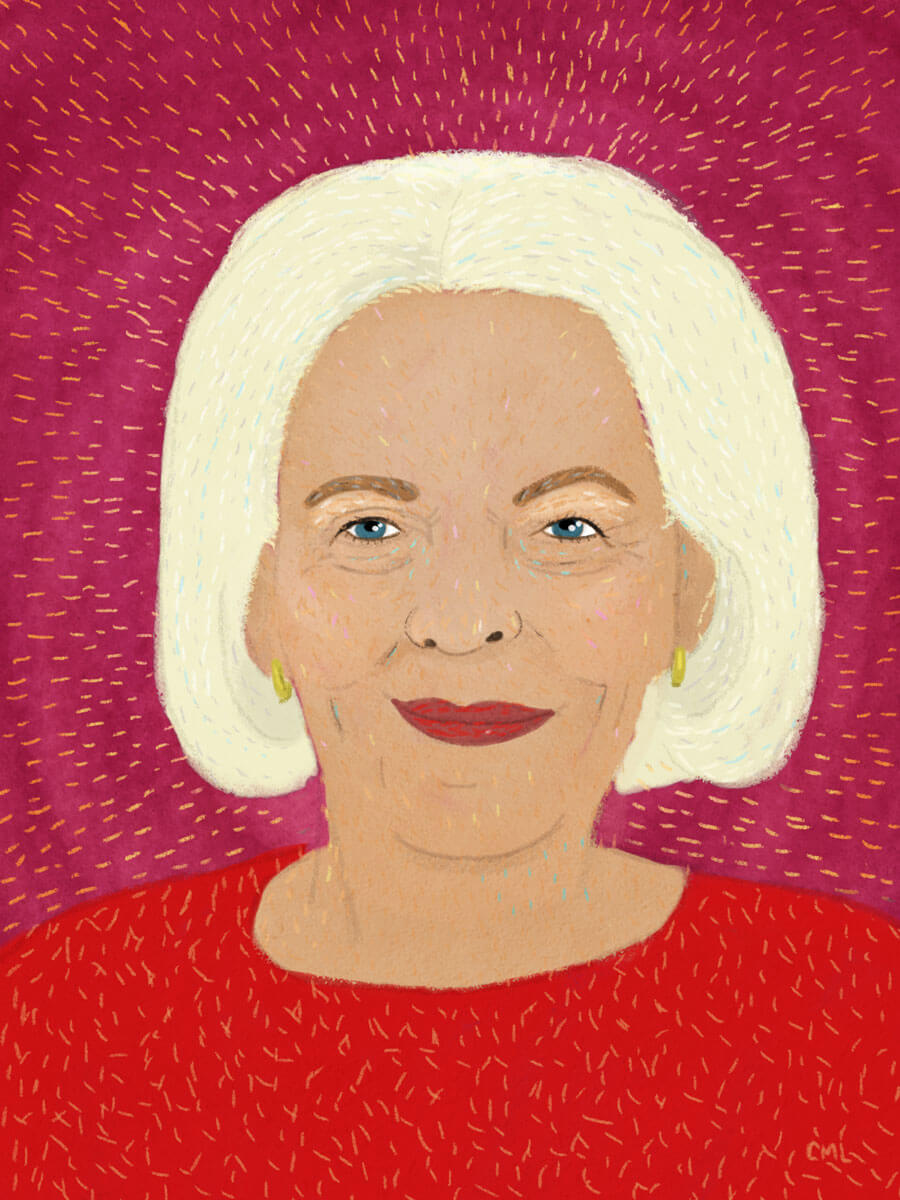
It's JA Jance's birthday this Sunday, the 27th. Happy birthday, to one of the reigning queens of mystery.
Despite desires to be a writer when she was young, "my first husband imitated Faulkner and Hemingway primarily by drinking too much and writing too little", and declared there could only be one writer in the family, and it was to be him. Hello, 1968.
Year later, divorced, a single-mother with two kids, she would write from 4am to 7am before going to work selling life insurance. She sold a few books after a false start, and the rest is an impressive track record of showing up and writing books that a large amount of people clamor to buy when they're released.
She writes multiple series at a time, publishing some 70 books to date, if her Wikipedia page is accurate. Among them, a book of poetry.
Another thing Wikipedia notes: she's raised $250,000 for charity by asking bookstores to donate part of proceeds from her appearances.
You've given a lot to the book world, and inspired countless writers who followed you. Happy birthday, Judith Ann Jance!
Criminal Fiction: Treats for tricksters
Every month, Daneet Steffens uncovers the latest goings on in mystery, suspense, and crime fiction. See previous columns on the Criminal Fiction archive page
Reading around: new titles on the crime fiction scene
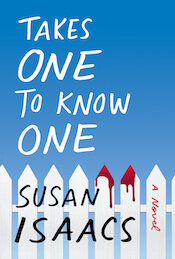
Former FBI Special Agent Corie Geller is chafing at the Long-Island-suburban-bit in Susan Isaacs’ Takes One to Know One (Atlantic Monthly Press). Recently married to Mr. Seriously Perfect and happily mothering his teenage daughter Eliza, Corie loves her new life, and yet…. In an attempt to get out of her home-office a bit more — she reads reams of books in Arabic as a paid-for literary scout, as well as occasionally doing contract work for the FBI — Corie’s joined a luncheon roundtable of fellow freelancers including a landscape artist, a packaging designer, a gardening expert, and a speechwriter. But the more she eyes up one of her lunch colleagues, the more she wonders about him; that wondering soon turns into a determined bit of sleuthing. Ably aided and abetted by her dad, a retired cop who spends his days streaming NYPD Blue, Bosch and Death in Paradise, and her best friend, the super-stylish Wynne, Corie follows her spidey sense down a compelling rabbit-hole of a mystery with seriously hot water at its base. Issacs, who kicked off her bestselling-author career in 1978 with the entertaining and entertainingly titled Compromising Positions, has not lost one whit of her wit, smarts, and tongue-in-cheek humor.
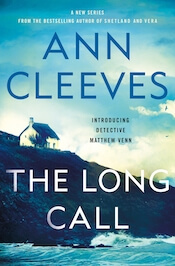
With The Long Call (Minotaur), Ann Cleeves departs from Vera’s Northumberland and Jimmy Perez’ Shetland for the rural communities, towns, and beaches of North Devon. Her new police procedural series features Detective Matthew Venn, who grew up in the area as part of a fundamental church community, and fled its claustrophobic embrace as soon as he could. But now, investigating crimes on his home patch, his childhood history and ties inevitably intrude into his current cases. His sergeant, Jen Rafferty, has historical baggage as well, but holds down her own as a single professional mum raising two kids.
The opening of Long Call is classic Cleeves: a body is found on the beach, marked only by stab wounds and an albatross tattoo. Dogwalkers, beachcombers, birding enthusiasts, and community-support workers populate the novel and add intriguing heft to a murder mystery that appears to involve an inclusive community center run by none other than Venn’s husband, Jonathan. With this new series, Cleeves shines her authorial light on another striking part of the UK, showing off its landscape and locals to immersive effect.
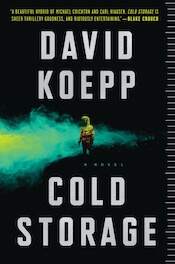
The visceral visuals of the Alien films meet the sci-fi-comedy-horror of 2001’s Evolution in screenwriter David Koepp’s debut novel Cold Storage (Ecco). In 1987, a pair of wise-cracking military operatives are shipped to Australia to deal with some kind of anomalous, fast-growing organism. Some 30 years later, two storage-unit security guards — who meet-sort-of-cute on the job and get in a few wise-cracks of their own — discover that an ingenious fungus is definitely among us. One baby daddy, a passel of TV-obsessed bikers, and a storage-unit client later, the now retired military operatives find themselves in a race against time, battling what may possibly be the most horrific green goo ever. Start placing your casting bets now.
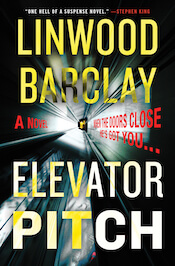
In Linwood Barclay’s Elevator Pitch (William Morrow) something — or someone — is playing havoc with the elevators in New York City’s finest high-rises. Starting with one terrifying Monday morning massacre through a nail-biting, corpse-accumulating week, a tenacious journalist, a besieged mayor’s office, and a pair of detectives try to make sense of an escalating and frightening pattern of violence and mayhem in the Big Apple. Cannily bookended with the tantalizing promise of actual elevator pitches in elevators, this clever, pleasurably convoluted, and fast-paced thriller imbues each of its myriad characters with personal stories and emotional baggage aplenty. Barclay’s latest will keep you turning its pages, guessing, second-guessing — and out of elevators for at least a week.
The Quintessential Interview: Nevada Barr
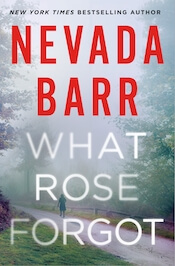
Nevada Barr authors the Anna Pigeon mysteries, a terrific series set to maximum effect in the stunning scapes of American national parks, from Yosemite and Glacier, to the Natchez Trace Parkway and the Cumberland Island National Seashore. Barr’s latest, a standalone psychological thriller, has the same intricacies and engaging plotting that mark the Pigeon novels. But What Rose Forgot (Minotaur) leaves indelible traces of its own distinctive pleasure, infused as it is with Rose Dennis’ mix of chutzpah and smarts. When Rose wakes up to find she’s incarcerated in the Alzheimer’s unit of a nursing home, it takes all her nous to figure out a) what the hell happened, b) how to save herself, and c) how to put things right. Great, rollicking fun, with the door left open for potentially more entertaining shenanigans from Ms. Dennis, a superslick mash-up of Emily Pollifax and – as one character notes – Chris Cagney. Barr lives mostly in New Orleans, and partly in Ashland, Oregon.
What or who are your top five writing inspirations?
This is a more complicated questions than one might think at first: Place inspires me, good writing, good art, good people inspire me. Bad writing, rotten art, and evil people really inspire me. Mostly it is the bizarre, hideous and wonderful antics our species gets up to at any given moment that inspire me.
Top five places to write?
Breakfast restaurants. My desk. Airplanes. The sofa. My bed.
Top five favorite authors?
Another tricky question. Mystery: Elizabeth Peters. Romance: Lisa Kleypas. Sci-Fi: Robert A. Heinlein. All others: Jane Austen.
Top five tunes to write to?
Old time gospel and Willie Nelson
Top five hometown spots?
Ashland’s Shop’n Kart. Audubon Park, New Orleans. Lithia Park, Ashland. Panola Street Café, New Orleans. Greenleaf Restaurant, Ashland.
Thursday Comics Hangover: We need a hero
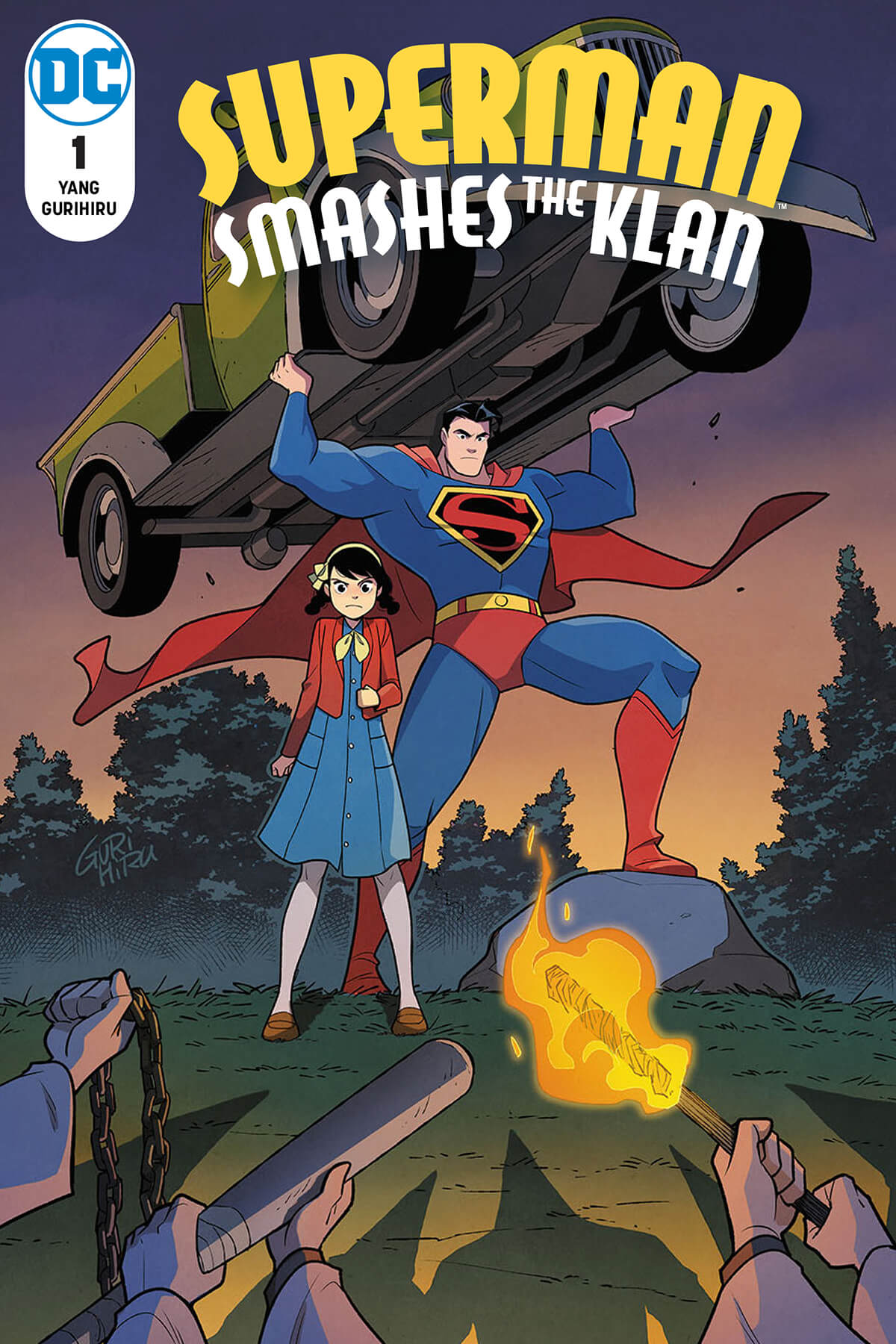
Why is it that all of a sudden people are getting Superman right again? I would argue that with a few noteworthy, high-profile exceptions (Mark Waid and Grant Morrison) the last twenty years or so of Superman comics have been disappointing. They've focused on the sci-fi trappings of the character, or gotten mired in generic superhero drama, and so they've failed to capture what makes Superman so essential.
But as I've noted before, Brian Michael Bendis's Superman comics — in Superman and Action Comics and, likely, in Legion of Superheroes — have been dead-on in their representation of Superman. He's humble, optimistic, positive, and just generally good. He's closer to Mr. Rogers than to Captain America, and that's exactly as it should be.
And last week, another book came out that captured the essence of Superman: written by Gene Luen Yang, illustrated by Gurihuru, and lettered by Janice Chiang, Superman Smashes the Klan is the perfect Superman book to pass on to children who are interested in reading about the world's first superhero.
Smashes is based on a Superman radio program from the 1940s that pitted the hero against the Ku Klux Klan, which was enjoying a revival in post-Depression America. The radio play is largely credited with making the Klan shameful again in polite American society — smashing the Ku Klux Klan in real life.
This book adapts the radio serial, adding some additional material and fleshing out Superman's story to make it more of a standalone adventure. This is very much early-days Superman: he can leap, but not fly; he makes mistakes; he hasn't explored all of his own weaknesses and limitations yet. He gets around by running on top of electrical wires, and he doesn't know his own origin yet.
When the Lees, a family of Chinese-American immigrants, move to a fancy Metropolis neighborhood, the Klan embarks on a campaign of terror to scare them away. Superman gets involved, even as he is dealing with his own questions of what it means to be an immigrant — albeit one from another planet.
The story is slick and fast-moving, with some gross-out jokes to keep young readers amused and interested. And Gurihuru's manga-esque artwork evokes the clean lines of Max Fleischer's old art-deco Superman cartoons without being slavishly tied to an ancient model sheet. The lines are sleek and kinetic, here, and the whole book is fun to read and easy on the eyes. There are two more issues of Smashes to come, and I hope the collected edition starts showing up in Scholastic Book Fairs around the country.
So why are so many people getting Superman right in the modern moment? Maybe it's because we need a Superman. With white supremacists creeping back out of the shadows and into the real world, and with alt-right cartoonists actively fighting against the idea of social justice in comics, maybe we really need Superman to remind us what we're capable of, and what we've already achieved in the not-so-distant past. Maybe we just really need Superman to save us right now.
Mail Call for October 23, 2019
The Seattle Review of Books is currently accepting pitches for reviews. We’d love to hear from you — maybe on one of the books shown here, or another book you’re passionate about. Wondering what and how? Here’s what we’re looking for and how to pitch us.
Book News Roundup: Get me Ron Vara!
-
Shelf Awareness reports that longtime Eagle Harbor Book Company bookseller Ann Combs passed away earlier this month. Combs was an author and a columnist, but she had settled into a career at Eagle Harbor over the last two decades. She had "retired less than a week before" she passed away, Shelf Awareness reports — a bookseller to the very end. Combs was 84.
-
I very much enjoyed Seattle author Paul Tumey's beautiful comics history book Screwball! I'll be running an interview with Tumey in a few weeks, but for right now, you should read this Comics Journal interview with him and plan to attend Tumey's reading at Third Place Books Ravenna on October 26th.
-
Stephen King's house is Bangor, Maine, is becoming an author archive and writer's retreat. Say what you will about the quality of King's prose — I will never forgive him for the end of Under the Dome — but he certainly uses his celebrity for good and not evil.
-
Houghton Mifflin Harcourt laid off nearly ten percent of its workforce. There's been so much bad publishing and media news along these lines over the last year that I shudder to think what will happen in the next recession.
-
White House adviser Peter Navarro made up a character and used that character to parrot his talking points in several of his non-fiction titles. Navarro called the character, named "Ron Vara," a "whimsical device." His publisher is very upset.
-
Speaking of politics, this tweet says it all about that book that's supposedly written by an anonymous "resister" in the Trump administration:
Fuck, and I cannot say this strongly enough, this book. https://t.co/taqau3yra5
— Maris Kreizman (@mariskreizman) October 22, 2019
Jul Gordon is coming to Short Run, and she's got textiles
It's hard to believe, but the Short Run Comix & Arts Festival is coming up in a few short weeks, on November 9th. As always, the festival will feature an array of exciting young artists from all over the world. A while back, I interviewed Jasiyot Hans Singh about his amazing poster for the Festival, and this week I exchanged emails with an amazing German cartoonist named Jul Gordon about her work and what she hopes to experience at her first Short Run. Gordon is charming and candid about her process and goals, and if you have any tips on Twin Peaks attractions, be sure to hit her up at the festival.

We're looking forward to seeing your work at Short Run! How did you get connected with the show?
Last January, I was one of the incredibly lucky 15 invited comic artists to Pierre Feuille Ciseaux near Angouleme, France. It is a comic residency - 15 artists draw a cooperative comic together for a week at a huge table at a lovely place in the countryside and present it at the Festival International de la Bande Dessinee in Angouleme afterwards.
It's organized by the Association CHIFOUMI. I met Anders Nilsen there — he was organizer and also artists in some of the past PFC meetings, and took part as an artist this time. He recommended my work to Kelly Froh of the Short Run Festival.
Have you been to Seattle before? If no, do you have any expectations of the city or hopes for your trip?
I have never been to Seattle before.
I love Twin Peaks and therefore I'm very exited about the invitation of the Festival to do a "Twin Peaks Road Trip“ on Sunday.
If I could stay longer, I would love to visit the National Parks for several days - or follow recommendations for beautiful places outside the city - but unfortunately, I can only stay for the time of the festival.
I hope I will meet someone who knows about interesting exhibitions or spots in the city. As the Festival organizers have been very friendly and helpful so far, I think I have a good chance.
Are there any artists you're excited to meet at the show?
I recently discovered Jasjyot Singh Hans's *Big Girls Book" at the Comic Festival in Hamburg, Germany. It's so cool and strangely drawn.
Generally I'm looking forward to discover lots of artists and publishers at the festival. And of course I am happy to meet Anders Nilsen again.
I love how creatively broad your work is. I don't think I could identify a specific style that you work in, because each of your comics look different from the others. Do you try to always come up with a new style with each strip, or does the style fit with each specific story you're trying to tell?
Thank you. I'm not sure how to answer this question. I don‘t think the comics look completely different from one another. I think I try something, and after it's done I am not happy with it and think I should try something else: for example, to use color after working with black and white, and vice versa. And often after a bit more time has passed, I look at something older and think it was not as bad as I thought.
And also it's somehow right that I try to fit the style to the thing I tell. For example in "The Parc" one of the characters, "Theresa“, lives in a place that looks like the biggest building in the world (a shopping mall in Chengdu, China). It stands in an abandoned park which resembles the gardens of the Habsburg dominions. Her place is full of antique expensive furniture — it's crowded and chaotic, but beautiful at the same time - and she is lethargic/depressed and tries to fend off her neurotic and sadistic brother who insists on lending money from her. Her room was one of the first pages I drew for this comic. I tried to combine the beauty and heaviness of her situation and how she feels. (It's page 47 in the linked PDF).
Or in "Do you tend to cry“, I tried to be strict about how the room is created, because it s a kind of stage. The characters are actors who perform an intimate play. I wanted to use as few lines as possbile to keep it clear and concentrated.
One of the things that Short Run told me they loved about you was the way your comics spill off the page: organizer Kelly Froh said you make 3D models of some of the sets of your comics, and that you're also telling some comic stories through textiles, which sounds amazing. I was wondering if you could share your theory of comics—when your comics move off of the paper, are they still comics? Or are they something new?
Actually, the spilling off the page has rather practical reasons: I decided to build the 3d model of The Parc to save time: It was important to me that the perspective and what is visible from which angle is correct. This was because I needed a reason to create some strength and inner logic in the drawings, and the most obvious reason is: this is how it's built, so this is how it's drawn.
After I spent a lot of hours trying to imagine what would be in this or that background from one perspective or another, I decided that I would be way faster if I just built the model in one day. It also helped to keep to the decisions I made - I would not forget them because of the model.
And yes: it saved tons of time. I wouldn’t say the model is a comic. It's a model of the scenery.
Concerning the textiles - I was looking for a way to present the comics in a way that seemed attractive to me in exhibitions. I thought it should be big and colorful and easy to carry. So far, I've only adapted panels of comics I drew before to present them in exhibitions. I haven't created a textile comic that stands for its own so far.
I love how in your work, the "camera" often pulls way back so we can see your character's full bodies, and the environment where those bodies are. There's maybe a little bit of loneliness in those panels, but also a feeling that the viewer has a kind of omniscience—that we can see everything, that there's nothing to hide. Often, a panel can at once make me feel like a character is very lonely while at the same time making me feel very affectionate toward her because she seems to be so vulnerable and open in her loneliness. Is it fair to say that alienation is a theme in your work? Do you feel compassion for your characters?
Thanks again! Although I would not say that there is nothing to hide. I'm interested in characters who think they have a lot to hide. I feel a mixture of compassion, hate, interest, affection, love - depends on the character. I don't feel very much affection for Emigrant P. in the beginning, for example. But in the end, somehow he deserves compassion because he is so lost even though he is a racist dumbass.
What work are you bringing to Short Run?
I will show some textiles of "Do you tend to cry?“ and a textile for a short comic about office work and prints of Emigrant P.
And I will read from an unfinished comic on Thursday evening. It's called "Route will be recalculated“ and I posted some pages on instagram as a sneak preview.
And I try to draw my dreams every morning and am about to prepare a book of them. I will bring the first prints of this long-term project, printed by Cold Cube Press.
The 2019 GAP recipients for literature are...
Yesterday, Artist Trust announced the recipients of their Grants for Artist Projects (GAP), which gives a $1500 grant to selected artists. This project-based grant is a lifeline to artists who live in Washington state. The GAP grant winners in the literary arts for 2019 are:
- Jennifer Berney, Thurston County
- Sara Brickman, King County
- Jon Gosch, Spokane County
- Margot Kahn, King County
- Chelsea Martin, Spokane County
- Brenda Miller, Whatcom County
- Abby Murray, Pierce County
- Arlene Naganawa, King County
- Tamiko Nimura, Pierce County
- Wendy Oleson, Walla Walla County
- Troy Osaki, King County
- Madeline Ostrander, King County
- Mary Pan, King County
- Katie Prince, King County
- Lisa Wells, King County
Congratulations to all the winners. We can't wait to see what you do with these grants.
Moving pictures
Published October 22, 2019, at 12:00pm
We put two picture books side by side to see what they have to say to grown-ups (that's us!).
Generations
July 15, 1992
2:53 am
My sister begs me to let her come to my loft apartment after my nephew’s funeral. “You never let me come over. You never let me spend the night. Come on.”
The giggling chatter, the tinkling bell like kissing sounds she is making with her lover, which are keeping me awake, suddenly stop.
From below my loft, I hear, “uh, oh,” followed by the butterfly laughter of their kisses.
This is no false alarm like the last time when she chatted delightfully all the way as our father drove us to the hospital only to be returned home with the twin girls still nestled inside her.
This time the blue dye from the patterned Indian fabric stains my Japanese cotton mattress, my futon ruined by the tattoo of embryonic fluid.
She instructs me, smiling, to get pads from the convenience store at the corner.
I walk pass the first living marsupial I’ve ever seen, both of us scared.
possums on the porch
my sister’s future dangling —
a family scatters
Are you ready for Lit Crawl? We are!
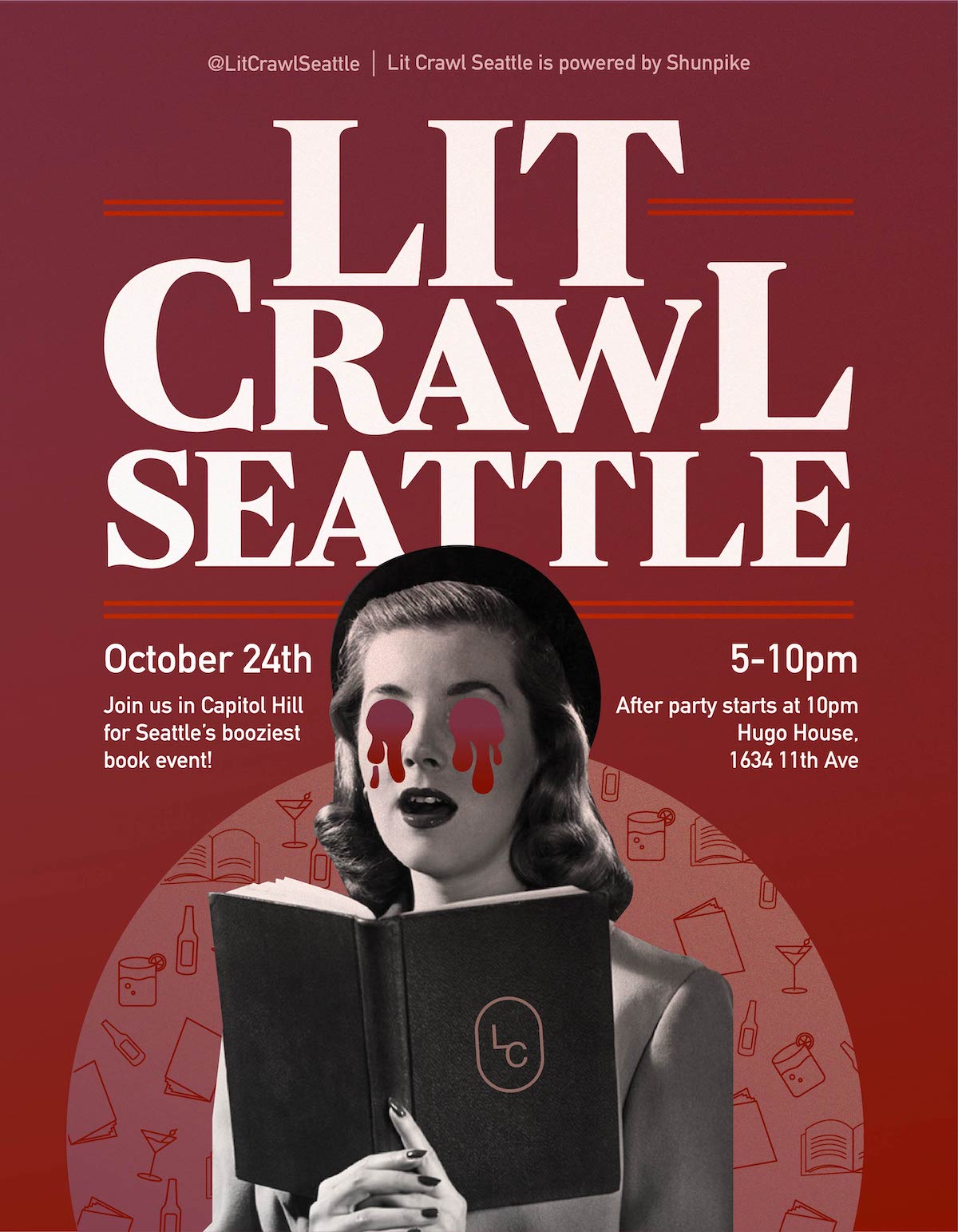
Lit Crawl is back for the eight year, and they wanted to use their sponsorship slot to make sure you knew: it's happening this week, Thursday the 24th!
Each year, Capitol Hill is taken over by writers, artists, and readers who come out to hear local authors they love, and discover talents new to them. It's a grand time that shouldn't be missed — one of the highlights of the Seattle literary calendar each year, and something that we here, at the Seattle Review of Books never fail to attend.
Find out more about the festivities on our sponsor's page. Thank you to Lit Crawl for throwing such an amazing party each year, and also for sponsoring this week!
Hey, did you know we have a rare openings in November? That's prime holiday advertising time — make sure to get your book or event in front of the holiday crowd. Find out more on our sponsorship information page, or if you're ready to book, dig right in!
Your Week in Readings: The best literary events from October 21st - October 27th
Monday, October 21st:
Christopher Ryan's book Sex at Dawn, an anthropological study of the history of sex and what we can learn from it, was a bestseller that reimagined the possibilities of sex. His latest book, Civilized to Death: The Price of Progress, questions the idea of progress as a central human pursuit, with plenty of historical examples. Elliott Bay Book Company, 1521 10th Ave, 624-6600, http://elliottbaybook.com, 7 pm, free.
Tuesday, October 22nd: Behind the Veil: A Night of Femme Horror
Local literary organizer extraordinaire Kate Berwanger invites six local writers to tell spooky stories inside the Pine Box, which used to be a funeral home The press release indicates that "this is a black-tie affair. Masks, veils, and other disguises strongly encouraged." The Pine Box, 1600 Melrose Ave,588-0375, http://www.pineboxbar.com/, $25.
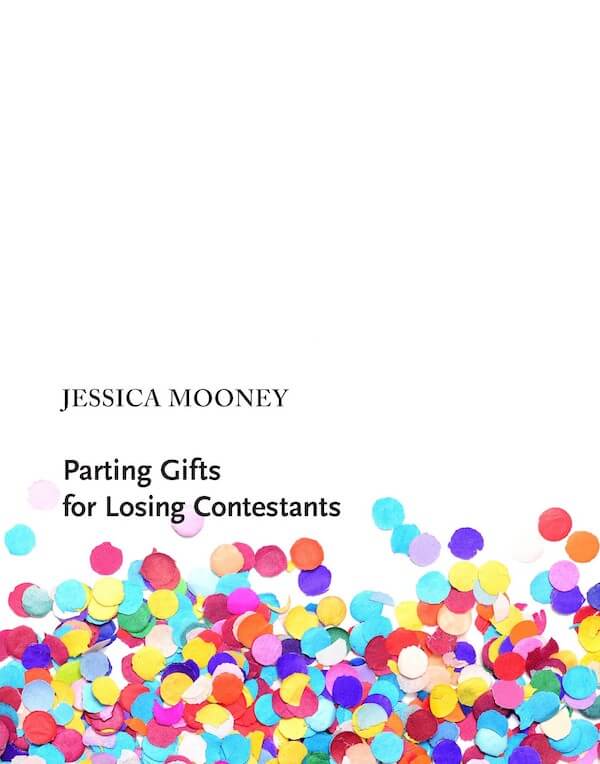
Wednesday, October 23rd: Parting Gifts for Losing Contestants Launch Party
Seattle writer Jessica Mooney's eagerly awaited new chapbook, Parting Gifts for Losing Contestants, is a collection of essays about grief. Mooney will be joined by Seattle poet Sarah Galvin, and she'll be interviewed onstage by arts writer Leah Baltus. Hugo House, 1634 11th Avenue, 322-7030, http://hugohouse.org, 7 pm, free.
Thursday, October 24th: Lit Crawl
See our Event of the Week column for more details. Various locations and times.
Friday, October 25th:
Author Madeline ffitch was born and raised here in the Northwest, and so was Helen, the main character of her new novel Stay and Fight. When Helen moves to Appalachia, has a child, and then tries to go back to the land, the local authorities try to intervene. This is a wonderful novel about freedom, nature, communities, and responsibility. At this reading, ffitch will be joined by brilliant interviewer Mattilda Bernstein Sycamore. Third Place Books Ravenna, 6504 20th Ave NE, 525-2347 http://thirdplacebooks.com, 7 pm, free.
Saturday, October 26th: Three Poets
Indiana poet Rosalie Moffett joins forces with Seattle poet Bill Carty, and local poet Natalie Scenters-Zapico. The three of them have new (or new-ish) books out and they're all exciting poets who are doing great work. Elliott Bay Book Company, 1521 10th Ave, 624-6600, http://elliottbaybook.com, 7 pm, free.
Sunday, October 27th: Imaginary Friend Reading
Stephen Chbosky, author of cult favorite The Perks of Being a Wallflower, returns with a long-awaited new book. It's about a child whose imaginary friend seems to be born of stress but actually may have more sinister origins. Third Place Books Lake Forest Park, 17171 Bothell Way NE, 366-3333, http://thirdplacebooks.com, 6 pm, free.
Event of the Week: Lit Crawl returns, bigger than ever

Hands down, the Event of the Week is Thursday's Lit Crawl, which brings together the city's many literary talents for one orgiastic evening of pub-crawl-style short readings around Capitol Hill.
This year's Lit Crawl has five phases of one hour each, starting at 5 pm and then continuing every hour afterward: 6 pm, 7 pm, 8 pm, and 9 pm. The sixth and final phase is a big old afterparty at Hugo House. These readings are mostly intended as samplers, introducing you to a number of authors you might not have otherwise discovered.
As is tradition, I'm going to lay out three different themed tracks you might take at Lit Crawl. These are just a few of the suggestions; you can find the rest of the gigantic schedule on Lit Crawl's site.
TRACK 1: No White Dudes
- Start your night at 5 pm at the Shafer Baillie Mansion Bed & Breakfast for a reading by trans and queer authors of color including Ana Walker, Luzviminda “Lulu” Carpenter, J Mase III, and Nic Masangkay.
- At 6 pm, Berkeley poets Jongmin Jerome Baek and Emmanuelle Gauthier will read on the topic of rape, consent, and the word "no" at Office Nomads.
- For the 7 pm slot, run on up to Vermillion for the reading by Georgia Stewart McDade as part of the African American Writers Alliance's programming.
- Next, at 8, scramble to Corvus & Co for Surreal Storytelling with Strange Women, featuring Kate Bernatche, Vivian Hua, Jalayna Carter, Ellen Meny, and Kate Berwanger.
- End your night at the Writing Against the Body reading at Ada's Technical Books, in which Joyce Chen, Laura Wachs, Laura Titzer, and Abi Pollokoff will discuss what it means to have a body.
Track 2: Scary Stories, Told in the Dark
- At 5 pm, visit the Capitol Hill Branch of the Seattle Public Library where children's book authors Mark Maciejewski, Donna Barba Higuera, and Kim Baker will discuss boogeymen, farts, and a bear.
- Run to Capitol Cider for the 6 pm reading of Poems to Scare the Hell Out of You, read by librarians Misha Stone and David Wright, featuring "Shambling spirits and serial killers, and things that stare at you from pickling jar."
- 7 pm kicks off at Ollie Quinn with a reading about haunted heartbreak featuring Leah Lakshmi Piepzna-Samarasinha, Keetje Kuipers, Anne Liu Kellor, and Jessica Mooney.
- At 8 pm, it's back to the Capitol Hill Library for "a literary seance" of Late Night Scary Tales for adults and older children.
- And finally, the Pine Box hosts a straight-up horror reading, featuring writers Jarret Middleton, Chavisa Woods, and Ramon Isao.
Track 3: Literary Icons
- This evening of local literary institutions begins at 5 pm at Northwest Film Forum with organization Y-WE celebrating young women writers with readers Robin Hall, Azure Savage and Lucia Santos.
- At 6 pm, storied poetry collective Margin Shift takes over the Stumbling Monk for a reading including Woogee Bae, Eddie Kim, and Nadine Antoinette Maestas.
- At 7 pm, local writers colony Hedgebrook takes the stage at Capitol Cider with local legends Ellen Forney, Wendy Call, and Kathleen Alcala,
- Visit Spin Cycle at 8 pm for a reading from remarkable local poets like Jane Wong, Quenton Baker, Santi Holley, and Shayla Lawson.
- At 9 pm, Jack Straw, the local organization that helps writers present their work better, takes over Spin Cycle for a reading from Jack Straw fellows including Christianne Balk, Rena Priest, and Sylvia Byrne Pollack.
The Sunday Post for October 20, 2019
Each week, the Sunday Post highlights just a few things we loved reading and want to share with you. Settle in with a cup of coffee, or tea, if that's your pleasure — we saved you a seat! Read an essay or an article online that you loved? Let us know at submissions@seattlereviewofbooks.com. Need more browse? You can also look through the archives.
The Turbotax trap
I’ve always thought of Turbotax sort of like those individually wrapped slices of “cheese product” — I know slicing my own cheese isn’t hard; I know it’d improve lunch if I did. But, in the everyday calculus of time and attention … well.
Despite those annual moments of Turboweakness, I had no idea until this episode of the fabulous Reply All that the “free” software was born out of an agreement with Intuit (and other, less successful companies) that effectively restricts the US government from offering free electronic tax filing to its citizens. Well!
With its monopoly on “free” filing successfully established, Intuit has used every trick in the book, and invented several new ones, to obscure the path to free tax filing for its users. It’s insane to think how much actual productive positive change they could have made in the world with the money and energy that have gone into bilking people who are, in many cases, already scraping the bottom of their bank accounts.
Propublica has been reporting on this story for some time; you can find a slew of links at the bottom of the Reply All link above.
Every fall before tax season, the company puts every aspect of the TurboTax homepage and filing process through rigorous user testing. Design decisions down to color, word choice and other features are picked to maximize how many customers pay, regardless if they are eligible for the free product. “Dark patterns are something that are spoken of with pride and encouraged in design all hands” meetings, said one former designer.
We need to talk about The Giving Tree
The Giving Tree is one of the most gruesomely off-key books a child could read. It’s a claustrophobic morality play in which one character engages in escalating degrees of self-mutilation in hopes of winning the other’s attention and affection. The happy ending? The survivor sits, haggard and bent with age, and rests on the corpse of his lifelong worshipper.
This take is a little too mild for my tastes, but it carries the weight of appearing in the NYT’s Parenting column, where hopefully it will save some children nightmares — and a lifetime of bad relationship decisions.
We don’t know what motivated Shel Silverstein to write “The Giving Tree.” In a rare interview, he said it was about “a relationship between two people; one gives and the other takes.” But we think it’s best read as a cautionary tale about love. Although the tree seems to take joy in giving to the boy, their relationship is entirely one-sided. The tree is perfectly happy to destroy herself under the guise of “love” for the boy. That’s not love; it’s abuse. Even an editor of the book, Phyllis Fogelman, felt that way. “I have had qualms about my part in the publication of ‘The Giving Tree,’ which conveys a message with which I don’t agree,” she said in an interview. “I think it is basically a book about a sadomasochistic relationship.”
A survey of my right arm
Ge Gao’s writing arm betrays her, first with pain, then with uselessness. This essay, which explores her loss from both personal and philosophical perspectives, is charmingly self-aware — who would not feel self-pity, robbed of their right hand? And yet who, knowing themselves self-pitying, could help it?
I started wondering whether the pain disabled me from writing and creating work, or whether my illness covered up the parts that had already been disabled — that were not capable of producing enough substantial matters in life to satisfy my body and mind. A broken arm could be a visible excuse. It made more sense than a malfunctioning mind. It had gained more sympathy from friends and strangers, too.
Whatcha Reading: Ben Guterson
Every week we ask an interesting figure what they're digging into. Have ideas who we should reach out to? Let it fly: info@seattlereviewofbooks.com. Want to read more? Check out the archives.
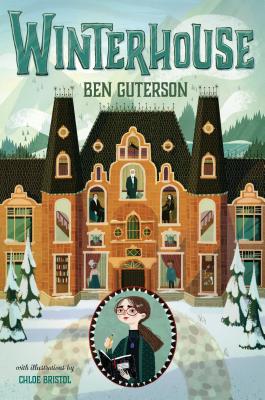
Ben Guterson just won a Washington State Book Award in the Middle Grade (ages 8 and up) category, for his book Winterhouse — the first book in the Winterhouse Trilogy . He's a Seattle native who spent ten years teaching public school on the Navajo reservation in New Mexico and rural Colorado before working at Program Manager at Microsoft. He lives in North Bend with this family. Congratulations, Ben!

What are you reading now?
I’ve been on a Plato kick for the past month-plus and am trying to make my way through the majority of his works — I’m on The Republic right now. My parents had the entire set of the Great Books of the Western World along a hallway in our home when I was a kid, and I was always drawn to the volumes. I’ve slogged through the collection’s “Ten Year Reading Plan” a couple times over the years, but I’m not sure I’ve soaked up nearly as much I’d like, so now I’m trying to move through the books a little more conscientiously. This past summer I read Herodotus and Thucydides (the Landmark Books editions of both are fantastic); and now I’m on Plato, though I’m also reading some middle-grade books from the 1940s by Elizabeth Enright. I spend a lot of time with middle-grade novels, given the audience I write for, and it’s a pleasure to read Enright’s sincere and charming books. For contemporary middle-grade novels I like Trenton Lee Stewart, Jessica Townsend, and Colin Meloy, who moonlights as the frontman for The Decemberists.
What did you read last?
I read two bizarre novels at the end of summer — Remainder by Tom McCarthy, from 2005; and Your Face Tomorrow: Fever and Spear by Javier Marias, from 2007. I’m a big Marias fan and have been wanting to read the “Your Face Tomorrow” trilogy for some time, so I was glad to jump into the series’ first book. Strange story, but most of his stuff is strange, I think, in interesting ways — dense with conceptual detours that see Marias pacing off about twenty steps more than I ever would have imagined, all absorbing. I’d heard about the McCarthy book for years — I once came across something where Zadie Smith said it was among the best of the decade, so that intrigued me. I found the story increasingly off-putting, though, as it progressed, despite its concern with matters I generally find of great interest in literature: authenticity, fabrication, and memory.
What are you reading next?
Operation Shylock by Philip Roth, and The Luminaries by Eleanor Catton. I like to work through the books of a given author in chronological fashion, and I’ve been moving through Roth’s novels for the past half-decade by reading a handful each year. Roth, Bellow, Ishiguro, Graham Greene, Saramago, Marias, Nabokov, and Elana Ferrante are my favorite novelists, and I’ve tried to read most of their stuff. The Catton book, which won the Man Booker Prize in 2013, looks right up my alley — mysterious doings and lots of interwoven stories, from what I gather. I’m also about to tackle a little more Plato before attempting some Aristotle.
The Help Desk: Panel panic
Every Friday, Cienna Madrid offers solutions to life’s most vexing literary problems. Do you need a book recommendation to send your worst cousin on her birthday? Is it okay to read erotica on public transit? Cienna can help. Send your questions to: advice@seattlereviewofbooks.com. Cienna is taking a break at an unimpeachable spa, so this is a rerun from 2016.
Dear Cienna,
I never figured out how to read comic books. This sounds silly, I know, but every time I look at a page, I don’t know where to start. This word balloon? That box with text over there? Starting in the upper left corner doesn’t seem to work for a lot of comics pages. I’m 35 years old and I’ve tried to read all the comics everyone says I should read: Persepolis, Palestine. I never get more than a few pages in before I develop a terrible migraine. But my friends, particularly the guys, say I should keep at it. Is it okay if I just give up?
Deborah, Hawthorne
Dear Deborah,
I get it. Personally, I can’t read read technical instructions or nutrition information without bleeding from my eyes. If you’ve given graphic novels your best effort, feel free to do what I do whenever a well-intentioned friend confronts me with technical instructions or nutrition information and threaten to burn their house down. (Practice saying to your guy friends, “I am a strong independent woman and if you wave that shit in front of my face again I will burn your motherfucking house down with gasoline and fireworks.”)
If, however, you want to give the medium another shot, I suggest you relax and treat them as you would children’s books: look at the pictures first and then, if you feel inclined, read the text. Remember: you’re not being tested on the material so who cares about comprehension? Also, maybe try reading a fun graphic novel before diving into beautiful-but-bleak works like Persepolis and Palestine? I recommend Fun Home by Alison Bechdel. It’s at least equal parts funny and bleak.
Kisses!
Cienna
The Portrait Gallery: Chris Abani
Each week, Christine Larsen creates a new portrait of an author for us. Have any favorites you’d love to see immortalized? Let us know, or see if you can find them in the archives.
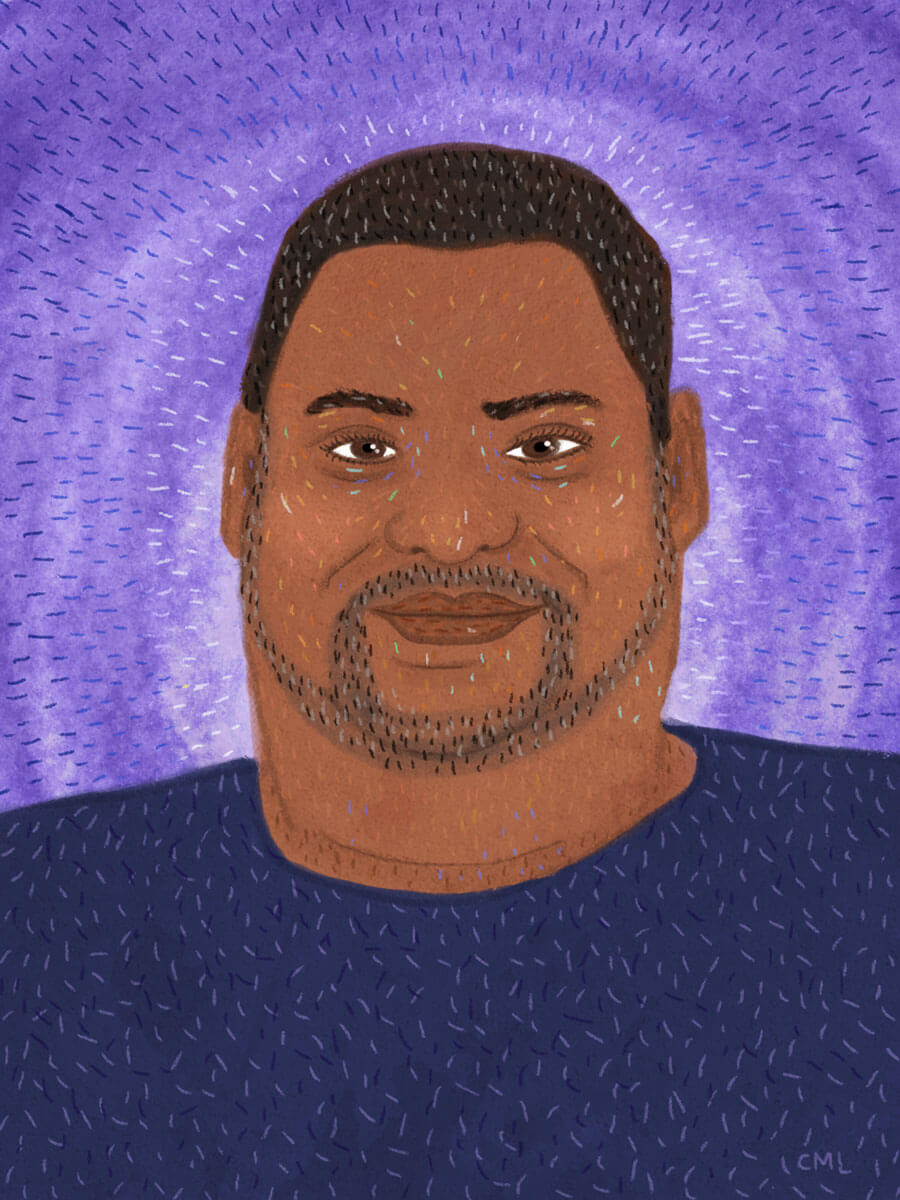
Alternate Friday, October 18th: Mining for Awe
Chris Abani has done it all: he’s a novelist, a memoirist, a poet, and a political activist who has been sentenced to death. He’s also a beloved teacher, and so this lecture, about employing awe as a writer, should be a real inspiration for you writers out there. He’ll also be interviewed by Hugo House writer-in-residence Kristen Millares Young. Hugo House, 1634 11th Avenue, 322-7030, http://hugohouse.org, 7 pm, $15.
Thursday Comics Hangover: Can you teach a new dog old tricks?

Tomorrow night at Elliott Bay Book Company, I'll be interviewing Seattle author Paul C. Tumey about his massive new art book, Screwball! The Cartoonists Who Made the Funnies Funny. It's a huge collection of brief essays of cartoonists from the beginning of the 20th century, when the modern comic strip was just getting started as an art from, along with over 600 cartoons and illustrations — many never before reprinted.
Even if you're not a comics nut, you've likely heard the names or know the work of three of the cartoonists highlighted in Screwball!: Rube Goldberg, whose name literally became the name of his elaborate machines devised to perform very simple tasks; Krazy Kat creator George Herriman; and EC Segar, the cartoonist who came up with Popeye. Tumey smartly focuses on the lesser-known work of these cartoonists, rather than going over the greatest hits that have been covered again and again.
Segar, for instance, drew a series of strips about commuting in Chicago. One of them, "Looping the Loop" was an observational strip about life in the big city in 1919: bizarre clothing trends, interesting noses on pedestrians, a series of comparisons between classic sculptures like The Thinker and Segar's gawky characters striking the same poses. You can draw a straight line from these gag strips to MAD Magazine.
But the total unknowns, the cartoonists who elevated the medium to an art form and then disappeared, are perhaps most interesting. Consider Clare Dwiggins, a cartoonist known as "Dwig" who devised one strip as a sequel to a classic of American literature. As Tumey writes:
In the early 1940s Dwig returned to his "old-fashioned Tawin stories with *Huckleberry Finn*, a new daily strip for the Philadelphia Ledger Syndicate. The stories offer wacky adventures, such as a 1940 continuity in which the boys travel the Mississippi River not on a raft, but inside a giant robot duck. Also in these years, Dwig penned a series of gentle, silly Tom and Huck comic book stories for Street and Smith. These are tucked, like a flower in a machine, inside heroic titles such as *Doc Savage Comics*.
It's true that these old strips require a kind of learning curve. They read as more than a little stilted in modern times — partly a consequence of outdated language and partly a difference in the way comics portrayed time and action over a hundred years. But Tumey is a great and observational guide who will hold your hand and contextualize each of the works. He also, presumably, selected some of the most accessible work from this bygone era for modern audiences to enjoy.
Comics have always been a disposable art form. They were thrown out with the newspaper, and children read them and re-read them until they fell apart. With Screwball!, Tumey is snatching these treasures from the scrap heap and presenting them to audiences a century or so later. Comics have moved on, it's true — there's more variety in the figures' sizes in the panels, the balloons aren't quite as packed full of words, and artists feel empowered to play with perspective and pacing in ways that were unimaginable back in the day.
But maybe today's cartoonists can learn something from these strips, too. For one thing, the level of detail in each panel — the sheer amount of story and art crammed into each square inch — is much denser than most of today's comics. And for another, the slapstick comedy in these strips is much broader, much more physical, than most of the comedy you'll find in comics today. Tumey is excavating more than just a nostalgia trip: he's pointing to a lost form of communication — one that can inform a whole new generation of artists.
Bookstores in Tacoma and Portland are looking for your help
A couple of bookstores in our region are running crowdfunding campaigns in an effort to stay in business.
-
In Tacoma, professional wrestler Ethan HD is running a GoFundMe to take over ownership of Destiny City Comics, a five-year-old shop whose owner announced he'd be closing this fall. Mister, uh, HD is about halfway to his goal.
-
Meanwhile, in Portland, a campaign to save the city's oldest bookstore, Cameron's Books and Magazines, is about a third of the way to its goal. The 80-year-plus store — which claims to have one of the biggest selections of periodicals outside the Library of Congress — is being forced to relocate; without a successful campaign it will probably disappear.
Mother Nature's Child
Published October 16, 2019, at 10:00am
Born-in-Seattle novelist Madeline ffitch is coming back to town next week for a string of appearances all over the region. Her surprising novel Stay and Fight reimagines the essential American relationship between humans and nature.
Don't miss Jeanette Winterson Wednesday night at the Central Library
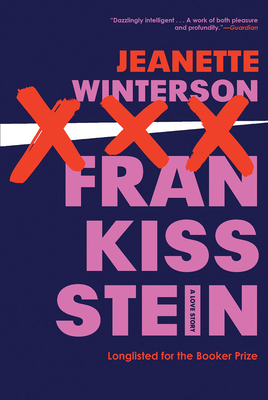
Jeanette Winterson is coming to Seattle for the first time since 2011. If you are unfamiliar with her work, it could be because, like many of her generation and orientation, she was often typed as being a lesbian writer, as if queer fiction and writing isn't for everybody. Her cogent, thoughtful, outsider explorations of gender and sexuality deserve a bigger audience in the United States, besides the one she's well-lauded for writing about the past 35 years. Her novels are rife with magical realism, science fiction, general weirdness, and wonderfully obdurate characters. They're often — usually — quite fun.
Jeanette Winterson's first novel, Oranges Are Not the Only Fruit, was released in 1985. Her twenty-eighth book, Frankissstein, was just released in the states (it's been out since May in Winterson's home of England). It's been longlisted for the Booker already, so if that goes well she can add it to her already long list of accomplishments, including an OBE.
My first encounter with Winterson's work was 1989's Sexing the Cherry, a book I read around the time of its publication, which was also about the same time I was introduced to Borges and to Angela Carter. Both of those writers show through Winterson's work. Early in Cherry, she writes:
"Every journey conceals another journey within its lines: the path not taken and the forgotten angle. These are the journeys I wish to record. Not the ones I made, but the ones I might have made, or perhaps did make in some other place or time."
Her new weird, and wonderful, book opens with Mary Shelley going for a naked walk around Lake Geneva in the rainy gloom — during the now-famous "Year Without a Summer", caused by the explosion of Mount Tabora. At this point in the narrative Shelley hadn't started writing Frankenstein, yet, but she's obviously ripe to:
"Here I am, in my inadequate skin, goose-fleshed and shivering. A poor specimen of a creature, with no nose of a dog, and no speed of a horse, and no wings like the invisible buzzards whose cries I hear above me like lost souls, and no fins or even a mermaid's tail for this wrung-out weather. I am not as well-found as that dormouse disappearing into a crack in the rock. I am a poor specimen of a creature, except that I can think."
On her walk, she sees something:
"A figure, gigantic, ragged, moving swiftly on the rocks above me, climbing away from me, his back turned to me, his movements sure, and at the same time hesitant, like a young dog whose paws are too big for him. I thought to call out but I confess I was afraid."
If naked Mary Shelley having a vision in the rain is your idea of a good start to a book, you're in for a treat.
But Frankissstein is more than the story of Shelley and writing the first science fiction book, it's the story of a trans doctor named Ry, who is falling in love with Victor Stein, an AI researcher, amidst the backwash of Brexit. And, of course, the story includes sex robots. And lots of romance.
Winterson featuring a trans character prominently in her new book is a political, and humanist, statement. In England the debate over trans acceptance and rights is absolutely bonkers, raging between trans-rights activists and many old-school feminists who have been labeled "trans-exclusionary radical feminists" or TERFs.
Winterson was asked about this in an interview recently:
"We don’t know that if our world was genuinely inclusive and tolerant that there would be such agony, such body dysmorphia, such a need to find another gender. There should be more than two genders anyway, of course there should, it’s daft. People don’t always feel either that they are totally male or totally female, and we haven’t done very well with that.”
Winterson has been an out lesbian since she was 16 when her adoptive-mother gave her an ultimatum: stop seeing that girl you're seeing, or you'll have to leave the house. Winterson chose homelessness and being out over comfort, and told her mother that the girl made her happy.
"Why be happy when you can be normal?" was the reply. One way to understand Winterson is that she used that title for her autobiography. Which, incidentally, was the last book she toured to Seattle.
So come out and see her Wednesday at 7:00pm at the Central Library. Pick up a copy of Frankissstein, and get it signed. It's a rare treat to have Winterson in Seattle, we should make sure she's very welcome.
...but the flesh is weak
Published October 15, 2019, at 12:00pm
Timothy Egan reads from his latest book at Town Hall tonight. It's his most personal book yet — a travelogue of his spiritual experience walking a pilgrim's path in Europe.
Tongues of Fire
July 14, 1992
10: 00 AM
we step out of unfamiliar cars, in an unfamiliar neighborhood into an unknown church.
this is my nephew’s funeral. his light brown hair and skin gathered in an urn. this is neutral ground, not Presbyterian, not Catholic, not the place of forgiveness.
named for his father
he never saw his daughter —
lineage of fire
we are the frozen chosen, the uptight upright, the pet name labels for Presbyterians — appropriate. my father, his grandmother sit as crisply as their clothes, held together by the corset of middle class indignation. this must be a proper service, no charismatic calls to death, only silent weeping until the Big Man takes the stage.
best friend, brother man
carrying a boom box
burns up pretense
it seems my nephew had one wish for his funeral, one. so, any best friend must carry that cross no matter how strange to the pulpit. he ascends, rippling with tears, a 6-foot river, 2 feet wide, we wade in the water. he is our spiritual and we are ready to sing with him, best friend, river rippling.
what song will he give us? what piece of my oldest nephew will he pull from the fiery furnace of the hotel burning, the room that had consumed him? i had always told him not to smoke in bed.
we are waiting, the thought of the lyrics climbing into our throats.
Stand by Me? Lean on Me? What will it be? We begin to weep.
push the button
truth echoes through the chapel —
hypocrisy flowers
the music begins. the familiar beat and then, “Oh my god, Becky, her butt is so big. I like big butts and I cannot lie; all the other brothers can deny…”
we are a frozen scene.
after the funeral, nieces, nephews and aunties, all the same age, sneak away to smoke, drink and tell the truth until after midnight.
our laughter —
church bell chimes heralding
his ascent
Saving the Salish Sea starts with finding out how to save the Salish Sea
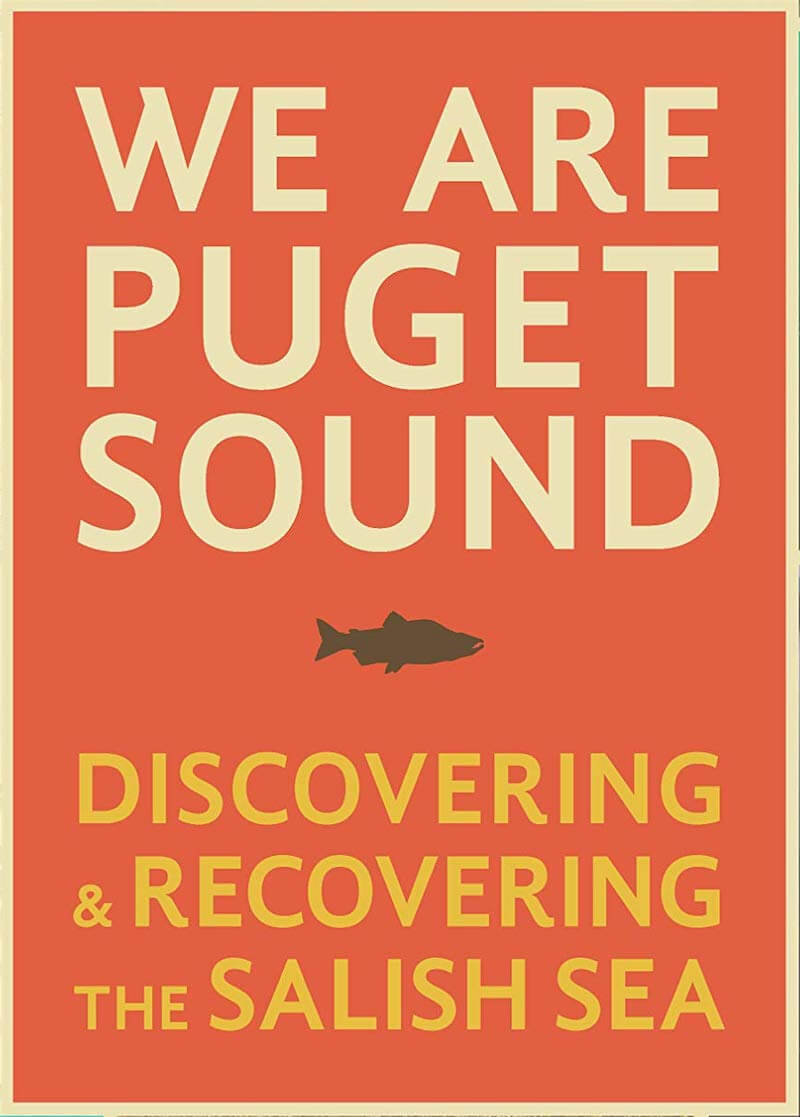
Sponsor Seattle Public Library is bringing an important event to your attention this week. "Recovering the Salish Sea starts with you," says the banner on the website for the important new book We Are Puget Sound: Discovering & Recovering the Salish Sea.
The book contributors are gathering at the Central Library, Wednesday, October 23rd at 7:00pm. This event is free and open to the public. Come learn why our efforts to recover our natural environment are crucial. Find our more about the event on our sponsor's page.
It's sponsors like the Seattle Public Library, bringing you crucial local events like this one, that make our site sing. You, too, could sponsor the website, and join the ranks of happy, returning sponsors like the Seattle Public Library. Find out more on our sponsorships page, and if you're ready to book, check out our available dates.
Floating above the end of the world
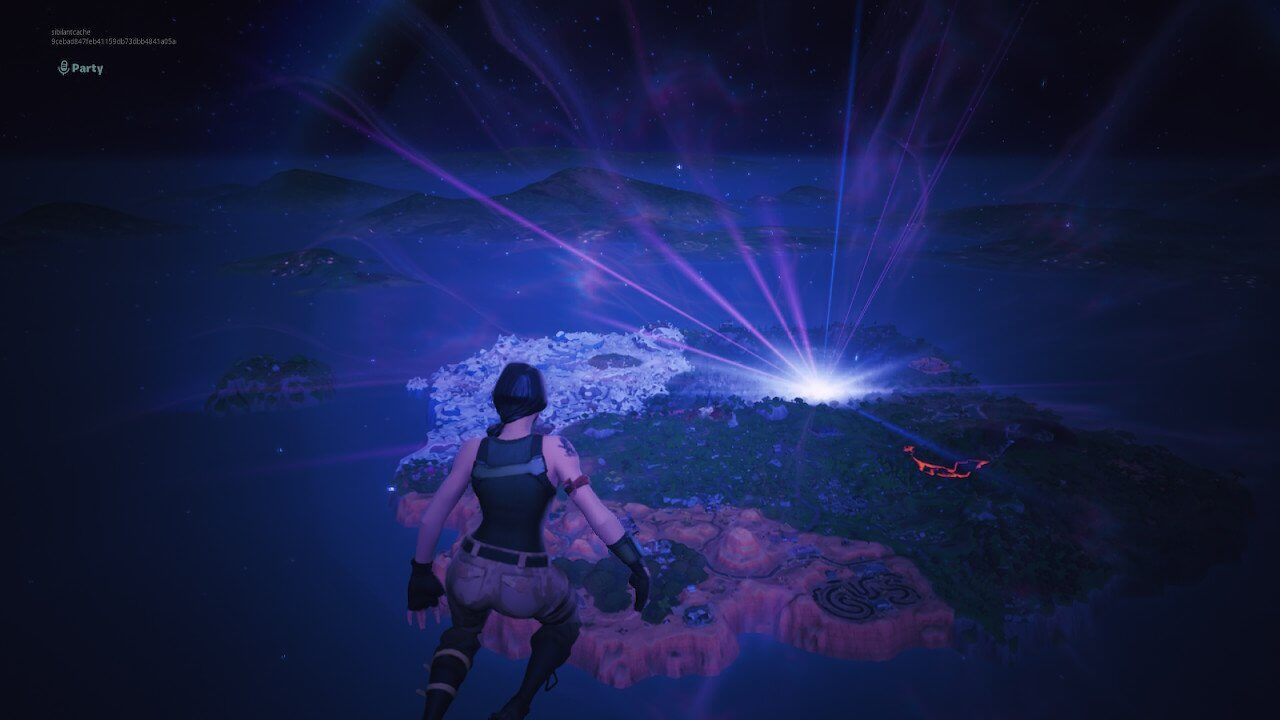
Yesterday, the video game Fortnite hosted a strange event, exposing a fascinating and modern act of marketing-driven storytelling in the age of the internet. They took the whole damn game offline during a Sunday, one of their busiest days, and replaced it with a black hole. They took a known thing (millions playing a game and spending money with them) and replaced it with one of the biggest question marks in entertainment history.
If you are not a gamer or teenager, Fortnite is a video game where 100 people are transported in realtime to an island, on the "Battle Bus" — a flying blue school bus suspended from a hot-air balloon. Players jump from the bus and skydive to locations on the island where they run around, collect weapons, and shoot each other. A storm, encircling the island, contracts during the game, forcing players into the same small geographic region. The last person standing wins the match.
Knowing that tells you almost nothing about the game. Its popularity has to do largely with its theming, which is cartoony, playful, colorful, and fun. You start your time on the island with a pickaxe, which you can use to break through walls, trees, vehicles, and other random items. As you do, you collect steel, brick, or wood, and you can use those materials to build structures for defensive reasons, or to reach areas you can't reach by running or jumping.
The weapons, and other goodies, are hidden in glowing gold chests that thrum an angelic chord when you get near, randomly placed llama piñatas, vending machines, and supply drops that fall from the heavens as a wooden create suspended from a weather balloon. They offer a player ever better weapons to choose from, and eliminating another player causes them to lose their loot, giving more opportunities for strengthening your gear.
Graphically, it’s bloodless — the hyper-masculine agro style of other similarly themed video games is traded for self-effacing humor and weirdness. If you play as the default skin (or, character theme), you get randomly assigned one a few default characters, who are differently gendered and skin-colored. If you’re uptight about playing as a black woman in a game, Fortnite is not the game for you.
Free to play, Epic Games, Fortnite’s publisher, makes its money (and they make a lot of it) through selling limited edition skins, upgrades, and other in-game purchases (like little dance moves called emotes, so you can literally dance on the grave of your enemy) that won’t improve your game play, but certainly allow you to kill your friends with your own limited-edition personal flair. Think of the appeal of hard to get sneakers, and you get the idea.

Looking at a very successful franchise, Epic Games knew that the passion and attention of people who love to game is fickle, and soon would move on to another shiny new thing. In order to keep the game fresh and interesting, they’ve come up with a series of updates called Seasons, where the map of the island changes, sometimes in dramatic and strange ways. Weather changes, regions become renamed, and entering them sometimes temporarily remakes your skin as you penetrate the veil of the region, say, as an old west town, or more recently, as Gotham City, replete with bat signal in the sky.
Beneath these seasons, a series of changes in the map has brought on a meta-narrative about the world and its reality. Epic Games has never come out and said what the narrative is outright, it’s up to the individual players, working together, to weave the meta-narrative from dropped scraps of information. An aggregate story emerged, through taping those scraps together into little conspiracies, with the best suggestions winning. Epic, no doubt, watches and responds, offering just enough to keep the game engaging and interesting, but not enough to be prescriptive with any of their over-story.
A glowing purple cube, called Kevin, appeared, spreading strange anti-gravitational powers. New exclusive skins, which you can earn through competing in challenges, appear — including one called the Visitor, who in an earlier season was seen programming and escaping in a rocket — an event that preceded many strange effects and changes on the island.
It’s this teasing game-within-a-game that captures the attention and interest of gamers when they’re tired of the game action itself. Some in-game puzzles — some trivial, some hinting at larger puzzles — are pursued by players who come to the island not to fight, but to play amongst the battlers, trying to avoid getting swept up in the action until the storm forces them to, and earning skins and points as they level up.

And so it has gone, with Epic Games making a series of smart decisions one after another, until last season when a too-powerful weapon (a mech suit that could hold two players working in unison) appeared, and threw the balance of the game off. People were upset, and other games, such as Overwatch, started capturing more attention.
And this was the state of the world as we came into Sunday. The Visitor is back, building another rocket — and leaving strange audio recordings around the map talking about time loops. A countdown appeared above the rocket, ending at 11am PST Sunday, October 13th.
Epic games tweeted that the end is near, but said little else. They didn’t have to advertise a thing, their players spread the word for them, the mystery too peculiar and intriguing to avoid. What ever is going to happen!?
Just before the event, Epic removed most of the player modes (in the normal game, you can go into battle solo, as part of a team, or play in a split-down-the-middle kind of game where everybody is teamed up). In lieu of them, a team fight called “The End” was the only option available. In the game, people gathered around the rocket and the warehouse structures in its vicinity, building huge scaffolding and structures to better watch what was to come. And, of course, picking each other off and re-spawning into the game.
But, then suddenly, all weapons were taken away, as was nearly every in-game option, leaving everybody standing around with their default axes. For once, players gathered and stood near each other, high in air on the built structures, watching.
The rocket launched, the first stage separating and falling to the ground, and it broke through the atmosphere and disappeared. The sky splintered. Then, moments later, the rocket reappeared from a different cosmic rift, rumbling across the map, horizontal to the ground. Then another, from a different angle, and soon a dozen, a hundred rockets came to the map, zooming overhead and hitting various locations, blowing them up. Then, they gathered around a massive meteorite, affectionately called "the meatball", which has been hovering menacingly over the map for the entire season, and crashed into the ground. The meteorite followed the many rockets, and was absorbed into the island.
The players were whisked high into the air, suspended off to the side of the island, with a birds eye-view of the entire land.
A mysterious orb, hanging out in a lake where many strange events have taken place over the seasons, created a massive force field. The meteorite, entering the atmosphere through another rift, crashed into this force field, pushing through, causing a massive implosion.
All matter sucked into the implosion, including two tomatoes and the Battle Bus, and then the players.
Will the end of the world be like this? 😳 #Fortnite pic.twitter.com/zZ3D5Xy5o0
— بائعة الكبريت 🍂 (@2020_kbr) October 13, 2019
What the end of the event looked like.
The screen went black, and after a few moments, a blue-circled black hole appeared. A light, eerie, ethereal music played. Numbers appeared occasionally, causing people to watch closely and create more conspiracy theories. Millions of people, instead of playing a game and spending money, are staring at a screen with a blue disk. People who have spent a lot of money upgrading their avatars are upset, and feel they may lose their money. But that idea seems unlikely — this is a marketing event, not an art statement. The game will be back, and no doubt, will see a surge of new interest thanks to the stunt.
But in the meantime, Fortnite deleted all the tweets in in their Twitter account, and changed their avatar to black, only posting a live stream to the black hole. Their instagram, same, and their Trello account. They’re playing up the mystery with lack of knowledge, lack of press releases.
Logistically, overhauling the game is a massive effort. All the new code must be pushed into production, everything needs to be tested and assured. One tweet posited that they needed to upgrade all of their servers to handle the new map, and that means hours, if not days, of downtime.
On Fortnite blackout pic.twitter.com/oOQJ2vhwrL
— Matthew Ball (@ballmatthew) October 13, 2019
So, this has been a very busy day for Epic Games staff, in contrast to the internet rumors of record numbers teenagers stumbling outside, shielding their eyes from the sun. This mystery, masking the boring, complicated, logistical pedantry of a major system upgrade and new release, is a nice magic trick. Don’t look at the broken login screen, look at the black hole and the strange numbers. Spread wonder to your fans, not frustration.
When will the service be back? It’s been down for nearly six hours as of this writing. Will there be a new map? Other upgrades? Nobody really knows, although leaked pictures hint at what’s probably to come.
This coordination and interplay, the ability to theme and market a game upgrade, is a perfect confluence of everything the internet offers best: fans chattering and spreading the word, the ability to distribute and push software changes remotely to the whole world at once, the strength of massive servers offering the same experience to millions at the same time. And, a whole lot of marketing chutzpah, born from knowing exactly who the people playing their game are, and what will engage them most intensely.
Imagine the Mall of America. 40 million visitors annually (says the internet). What if they started leaving clues around the mall, removing stores and replacing them with mirror-world experiences, changing known things for unknown?
What if they closed the doors one Sunday during peak tourist season? What if they put up mysterious signs outside, and people just gathered to watch them? How much money would they lose?
That’s what Epic Games has done. The comparison to Mall of America is bad in one sense — Fortnite has 250 million registered players, not the measly 40 million mall visitors. Mall of America generates about $2 billion annually for the state of Minnesota; Fortnite generates about $2.5 billion for Epic. Scale wise, they’re in the same ballpark, give or take $500 million.
But a retail establishment of that size closing for a day? It's economic suicide — it could never be done. It's the platform, the method, and the game itself that has allowed for this to happen in this way, at this time.

That's all because of the narrative. The sense that, when you’re done deciding what gun is your favorite and leveling up your skills so you’re not dying in the first few minutes of game 1, that there is something left to chase, something left to do, something left to think about — this is paramount to the success of the franchise.
When the internet was new, there was a lot of talk of hyperlinked stories and writing. People wanted to engage the new technology in advanced ways to tell stories, but the few experiments felt like little more than mediocre choose-your-own-adventure novels. The technology wasn’t ready, truthfully. For every reader who loves books like House of Leaves for its narrative and layout weirdness, just as many were annoyed by having to turn a heavy book sideways to get at the plot. Readers don’t want reading to be harder, they want a good story compellingly told.
Games like Fortnite are more akin to cinema than novels. They are the child of Star Wars, of Lost, of the Marvel Cinematic Universe (and the comics that it was drawn from). They are the perfect marriage of technology, psychology, marketing, and storytelling. They are hugely successful, and worthy of paying attention to culturally, even if you are not a fan of the games themselves.
A future is being foretold now, as a little black hole on millions of streams. Teenagers and kids will talk for the rest of their lives where they were the day Fortnite went dark after The Event they called The End. As cultural events go, this is going to join the ages.
-
One genius thing about Fortnite: in some games, when a player eliminates you from the game, your point of view switches to a floating view right behind them, so you find yourself rooting for the person who took you out of the game. If someone eliminates them, you move to the third persons' point of view. You learn tricks this way, seeing how successful players do it, and your stake in the game doesn’t end when your play does.↩
Your Week in Readings: The best literary events from October 14th - October 20th
Monday, October 14th: Here We Are Reading
Aarti Shahani's memoir about moving from India to Queens as a child in the 1980s as an undocumented immigrant is titled Here We Are: American Dreams, American Nightmares. It's about her process of becoming an "official" American through the immigration process — which many immigrant families now don't have the opportunity.
Seattle Public Library, 1000 4th Ave., 386-4636, http://spl.org, 7 pm, free.
Tuesday, October 15th: A Pilgrimage to Eternity Reading
Tim Egan is one of Seattle's best known writers. His New York Times column alone would earn him national fame, but he's also written a series of great books that illuminated very specific — and very important — moments in history. His latest book, though, is a big departure: it tracks Egan's own progress on a European trail that has long been popular with Christian pilgrims. It's an interior spiritual journey paired with a real, physical journey. Town Hall Seattle, 1119 8th Ave., 652-4255, http://townhallseattle.org, 7:30 pm, $35.
Wednesday, October 16th: Libraryoke
As part of Seattle Public Library's excellent Booktoberfest celebration, librarians converge on Columbia City to promote a book-themed karaoke night. But you don't have to sing to have fun: According to press materials, you should "Feel free to bring books to swap and share, as there will also be a book exchange. We will have suggested songs ready for you to choose from, and you can check out the Baby Ketten song catalog online or via their app for more inspiration." The Royal Room, 5000 Rainier Ave S, 7 pm, free.
Thursday, October 17th: Everyday Cry-sis: Existential Dread in the Technocratic City
See our Event of the Week column for more details. Push/Pull, 5484 Shilshole Ave NW, 789-1710, http://pushpullseattle.weebly.com/, 6 pm, free.

Friday, October 18th: SCREWBALL! Reading
Seattle author Paul Tumey's big, beautiful art book looks deeply (and amusingly) at the great comic strip artists who helped shape American comedy (and modern comics) forever. You'll find near-household names like George Herriman and EC Segar and Rube Goldberg here, but you'll also learn about some lesser-known cartoonists like Gene Ahern and Gus Mager. The author will give a presentation and then he'll appear in conversation with Paul Constant, who is me. Elliott Bay Book Company, 1521 10th Ave, 624-6600, http://elliottbaybook.com, 7 pm, free.
Alternate Friday, October 18th: Mining for Awe
Chris Abani has done it all: he's a novelist, a memoirist, a poet, and a political activist who has been sentenced to death. He's also a beloved teacher, and so this lecture, about employing awe as a writer, should be a real inspiration for you writers out there. He'll also be interviewed by Hugo House writer-in-residence Kristen Millares Young. Hugo House, 1634 11th Avenue, 322-7030, http://hugohouse.org, 7 pm, $15.
Saturday, October 19th: Bushwick Book Club
The group, which invites a collection of local authors to compose original music based on a work of literature, gathers to celebrate and interpret Stephen King's surprisingly great writing manual and memoir, On Writing. Hugo House, 1634 11th Avenue, 322-7030, http://hugohouse.org, 7:30 pm, $10.
Sunday, October 20th: Jack Straw Reading
The local organization, which teaches writers how best to present their work through the spoken word and recordings, invites their latest class to read new work. Readers include Samar Abulhassan, Christianne Balk, Gabrielle Bates, Shankar Narayan, Sylvia Byrne Pollack, Rena Priest, and Michael Schmeltzer. Open Books, 2414 N. 45th St, 633-0811, http://openpoetrybooks.com, 7 pm, free.
Literary Event of the Week: Everyday Cry-sis: Existential Dread in the Technocratic City
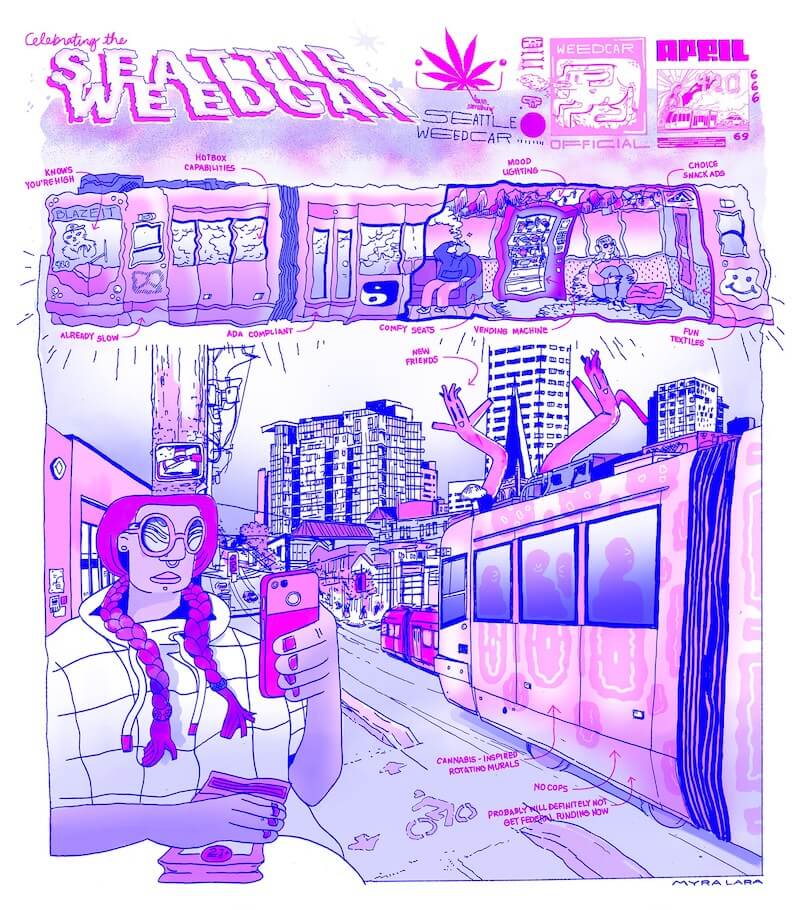
The best of Seattle-based cartoonist Myra Lara's work, to me, reverberates with a certain brand of modern anxiety. Sometimes she'll draw a strip in which everything looks to be molded out of balloons: large, round loops that look simultaneously inviting and fragile. Other times, she'll draw super-cramped cityscapes that your eye can get trapped in.
It's not all emotionally fraught, of course: Lara paints gorgeous, calming portraits made up of chunky blocks of color that are as calming as her other works are tense.
But right now, the world is a pretty tense place, and this Thursday, Lara kicks off an art show at Push/Pull Gallery in Ballard that is devoted to Seattle as it is right now: politically turbulent, socially uncomfortable, and economically unequal. It's called "Everyday Cry-sis: Existential Dread in the Technocractic City."
Her description for the event explains its themes:
When the neighborhood Prius has the tasteless Malthusian slogan "Seattle is Full", you know you're in the technocratic city. When superyachts are "sustainable" but your commute is not, you know you're in the technocratic city. When police are thanked during private "community" Pride events but queer and POC spaces are still overpoliced, you know you're in the technocratic city.
The text for the show concludes with a promise to help attendees discover a "coping mechanism." But can there be any answers?
One of the things I like most about Lara's work is that she aspires to more. Her recent zine "In This House We Believe in the Just City" lists the causes and effects of Seattle's exclusionary housing policies, but she also takes time to list all the rights that every American in the 21st century should enjoy, including health care, education, and housing. She rails against predatory housing loans and extols the power of human-scaled urban planning. In her work, there's no condemnation without a celebration of a basic human right.
We've all seen too much darkness in Seattle lately. A media organization owned by Sinclair has announced that the city is dying and warned that, unless we ship our unhoused population to a prison island, we will all drown in shit and have everything taken from us in a barbaric crime wave. Our artists are being forced out and while there's always room for another pricey restaurant, some of our favorite neighborhood locations are closing. It's time to break down the systemic fear and loathing and make room for something better. If anyone can visualize a better path forward, it's Lara.
Push/Pull, 5484 Shilshole Ave NW, 789-1710, http://pushpullseattle.weebly.com/, 6 pm, free.
Here are your 2019 Washington State Book Award winners
Last night at the downtown Library, the 2019 Washington State Book Awards were announced and celebrated in a big old bookish jamboree. This year's list of nominees was the finest in recent memory; the judges must have been under tremendous pressure to select a single winner from each category. It really, truly, was an honor to just be nominated this year, because it placed you in company with the best authors this state has to offer. But because you can't have an award without a winner, here's this year's list of honorees:
Fiction
So Lucky by Nicola Griffith (MCD/Farrar, Straus and Giroux)
Read our review of So Lucky, and read an interview we published with Griffith on the very first day we published.
Poetry
Instruments of the True Measure by Laura Da’ (University of Arizona Press)
Laura Da' was our Poet in Residence for November, 2018. Read our interview with her, or the five poems we published during her residency:
Biography/Memoir
Arctic Solitaire by Paul Souders (Mountaineers Books)
Nonfiction
So You Want to Talk About Race by Ijeoma Oluo (Seal Press)
Tatiana Gill wrote and drew a graphical review of So You Want to Talk About Race for us, and Christine Marie Larsen also featured Olou as a subject in The Portrait Gallery.
Picture Books
All Are Welcome, illustrated by Suzanne Kaufman (Knopf Books for Young Readers)
Books for Young Readers (ages 6 and up)
Peanut Butter and Jelly, written and illustrated by Ben Clanton (Tundra Books)
Middle Grade (ages 8 and up)
Winterhouse by Ben Guterson (Christy Ottaviano Books/Henry Holt)
Young Adult (ages 12 and up)
Blood Water Paint by Joy McCullough (Dutton Books for Young Readers)
The Sunday Post for October 13, 2019
Each week, the Sunday Post highlights just a few things we loved reading and want to share with you. Settle in with a cup of coffee, or tea, if that's your pleasure — we saved you a seat! Read an essay or an article online that you loved? Let us know at submissions@seattlereviewofbooks.com. Need more browse? You can also look through the archives.
In memory of the critic's trade
I’d give a pretty penny to know whatMark Athitakis wrote in his “too-earnest” unpublished response to this essay on the diminishment of classical music coverage. What caught my attention was the idea that critical coverage can be a history of otherwise ephemeral arts. More obviously applicable to live performance than words on a page — but books are ephemeral in the moment that they’re read, and that moment is what we hope reviewers (including ourselves) will capture.
... a lot of history has already been lost – and the private recordings that find their way onto YouTube can only tell us so much. Many local newspapers have either folded or been taken over by big companies with minimal interest in presenting any sort of intellectual record of a given place. The critics are mostly gone and – as astonishing as it may seem to some of those we have tossed and gored – I think we will be missed. Maybe composer and critic Virgil Thomson said it best: “Perhaps criticism is useless. Certainly, it is often inefficient. But it is the only antidote we have to paid publicity.”
How cities reshape the evolutionary path of urban wildlife
There’s something very Annihilation about the idea that the real evolution of wildlife is happening not in the wild — the traditional locus for ecologists and biologists — but in urban spaces, where killfish develop dioxin-resistant DNA, white-footed city mice outpace the immune systems of their country cousins, and brown rats become super-smellers, ready for anything New York can throw at them. And something hopeful and desperate and very New Weird about, as one scientist puts it, “reconciling with our changed world.”
Like so many of their scientific peers, urban evolution researchers are grappling with the question of how their work can help us make this new environmental reality a bit less grim. On the surface, at least, their inquiries can seem largely aimed at addressing theoretical matters—notably the issue of whether the evolution of complex organisms is a replicable phenomenon, like any ordinary chemical reaction. Cities provide an accidental global network of ad hoc laboratories to test this question: Office towers the world over are fabricated from the same glass panels and steel beams, night skies are illuminated by the same artificial lights, auditory landscapes thrum with the noise of the same cars, food waste comes from the same KFCs and Subways.
D'Amico inspiration for a character in his lawyer's 'prepper' novel
Receiving someone else’s mail after a move provides an unsettling glimpse outside the bubble, especially when the post office delivers a stack of prepper catalogs: “ghillie suits” modeled by the world’s most awkward-looking white men, no-prescription-required antibiotics (the trick: order for your fish), guns, guns, guns, guns.
Right on time, here’s Port Townsend resident Joe D’Amico, starring as a prepper (which he is) in a series of novels authored by his lawyer, Greg Overstreet (also a prepper, also a character in the series, and, startlingly, a one-time state government employee). In the book, D’Amico’s alter ego sells guns inscribed with the coordinates of a “rally point” where buyers can unite after society collapses. In real life, D’Amico sells guns inscribed with the coordinates of a “rally point” where buyers can unite after society collapses — or he did until just a few years ago and plans to again.
I cannot find any lesson or pithy point to pull from this one — it just seems monstrously silly and terrifying all at once. Watching for the end of the world, sure! I’ve seen who’s in the White House. But there’s a little-boy glee to the prepper movement, combined with grown-up brutality, that’s as scary as anything I can imagine.
During that interview, Overstreet held a military-style rifle and wore a fake beard, hat and sunglasses to disguise his identity. “Glen Tate is not my real name,” he tells the interviewer. “It’s a pen name. I have to cover up my identity because I work in government, in politics and law. Writing a book about the collapse of the United States and all the dirty stuff in my state capitol of Olympia where I live and work in Washington state is not really looked upon highly.”
Whatcha Reading, Paul C Tumey?
Every week we ask an interesting figure what they're digging into. Have ideas who we should reach out to? Let it fly: info@seattlereviewofbooks.com. Want to read more? Check out the archives.

Paul C Tumey is a comic scholar, writer, and artist based out of Seattle. He's just released the epic Screwball! The Cartoonists Who Made the Funnies Funny, which looks at the "disruptive, manic, and surreal verbal-visual comedy" of the great comic artists who invented it — like George Herriman, Rube Goldberg, and EC Segar, just to name a few. You can see Paul in conversation with our own resident comic writer, Paul Constant, next Friday, October 18th, at the Elliott Bay Book Company.
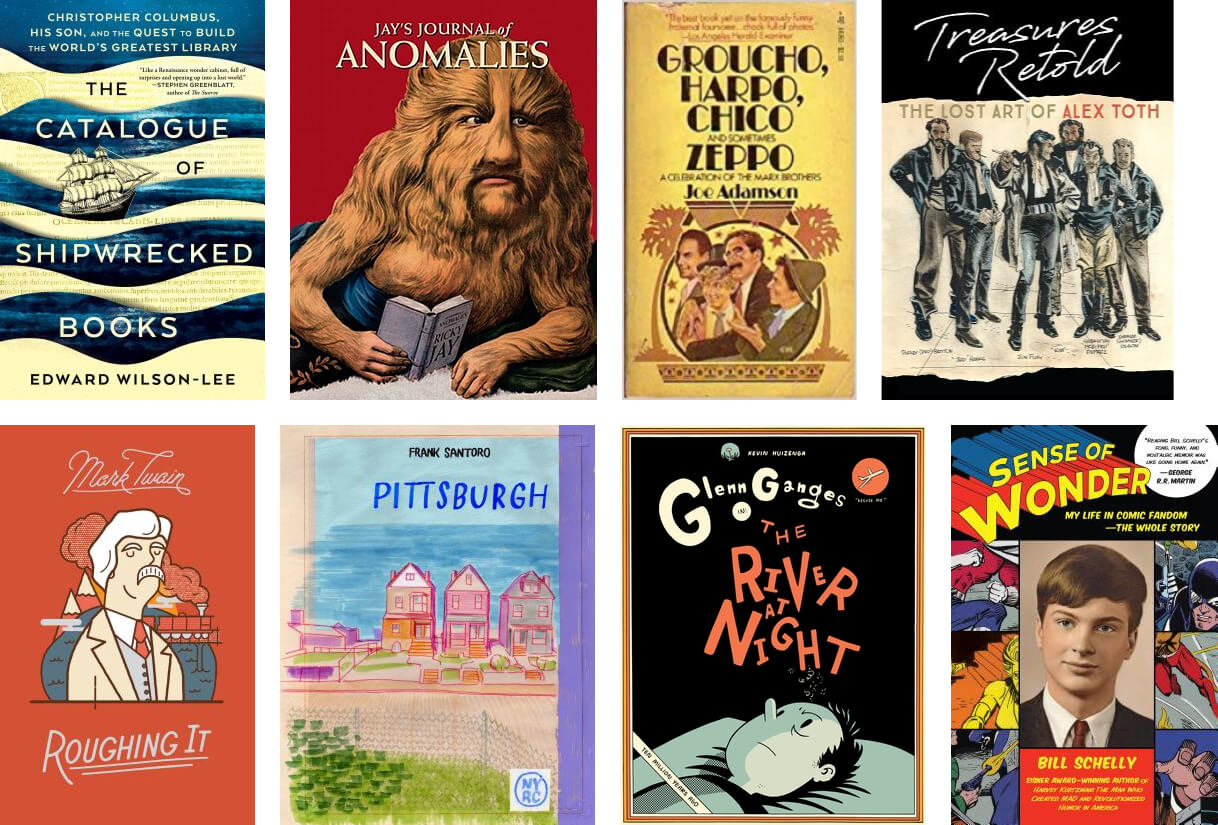
What are you reading now?
I'm one of those people who reads several books at the same time and weaves from them an ongoing tapestry of interests, vicarious experiences, and knowledge. I don't want to hog space, so I'll just mention a few. The Catalogue of Shipwrecked Books: Christopher Columbus, His Son, and the Quest to Build the World's Greatest Library by Edward Wilson-Lee. This non-fiction book came out earlier this year. It tells the story of Hernando Colon, perhaps the most ambitious book collector in history who also happens to be the son of Christopher Columbus. One thing I love about this book is it reveals Hernando's efforts to assemble a vast collection of all printed materials, including broadsides, pamphlets and what we today call ephemera. If comic books had existed back then, he would have put them into his library. In the ephemera line, I am also reading Jay's Journal of Anomalies by the recently departed (or should I say vanished?) Ricky Jay, the great magician. This is a reprint of his fascinating and highly eccentric newsletter which shares arcane information and rare art about extraordinary people, animals, and machines taken from Jay's astounding archives. Another book I am totally absorbed in is Groucho, Harpo, Chico and Sometimes Zeppo by Joe Adamson, written in 1973. This lively book is the best and most fun biography of the Marx Brothers I have ever read. Writing Screwball! revealed fascinating connections between the humor comic strips and comedy films of the first half to the 20th Century and that set me off on a rewarding reading binge around the great early film comedians.
What did you read last?
I just finished the brand new Treasures Retold: The Lost Art of Alex Toth edited by Dean Mullaney. Toth was one of the greatest artists to work in comic books in the 20th Century. His understanding of how to craft a sequential visual narrative is unparalleled. This thick, oversized volume collects hundreds of pages of obscure, rare Toth comics which have been carefully curated and restored. It's really a giant, fun comic book. I also recently finished Roughing It by Mark Twain, one of the funniest books I have ever read. There's more than a little screwball humor in Twain's work — or at least the roots of what became screwball humor. I read the University of California edition, which includes the illustrations.
What are you reading next?
We've had some very promising looking new releases in comics and so I will be reading these next. At the top of my pile is Pittsburgh by Frank Santoro. His comics are few and far between and offer a truly singular reading experience, more like poetry than comics. Because he is more concerned with the underlying and secret power of visual storytelling, his work is less detailed but paradoxically more vivid. I understand Pittsburgh is his first autobiographical work. I am also excited to read the just-released The River at Night by Kevin Huizenga. Although this cartoonist has been around for years, I am just now discovering him. This book is a long, complex and tangential stream of consciousness narrative that takes place in the mind of his continuing character, Glen Ganges, over the course of one sleepless night. It seems very Joycian. I also plan to read Bill Schelly's recently updated memoir, Sense of Wonder. Bill just died unexpectedly. A Seattle-based writer and comics historian, he was a friend I wish I had gotten to know better. His biography of Harvey Kurtzman, published by Fantagraphics, is a masterpiece. Reading this memoir he left us will help me, I think, to accept that he has gone to the great comic book convention in the sky. That's something reading does magically well: connects us to those who have gone.
The Help Desk: Always on offense
Every Friday, Cienna Madrid offers solutions to life’s most vexing literary problems. Do you need a book recommendation to send your worst cousin on her birthday? Is it okay to read erotica on public transit? Cienna can help. Send your questions to advice@seattlereviewofbooks.com.
Dear Cienna,
I volunteer to read magazines and books that aren't on tape yet for the blind community. I was reading about a study the other day, and the study was "double-blind." I paused, then just read on (because my job is to present the words as written not edit), but I started wondering about the derivation of possibly offensive terms.
But now I don't even know if that term is offensive. Maybe it's a previously innocent word, like “niggardly,” that is best to avoid because it is better to be thoughtful than pedantic. But I don't know how to know. Is there a definitive place to find a list of terms that are offensive and ones that are safe to use?
Scarlett, downtown
Dear Scarlett,
First off, I recycle, so don't think you're better than me.
Just kidding!
I was actually speaking to a blind woman about accessibility last week and she said this: “When a certain population can’t access the content that you’re creating, you’re saying that they’re not human enough to have the chance to access it, whether you want to say that or not."
Your voice is giving people valuable access to other peoples' creative work. Thank you for that, and congrats on having a gold-plated soul.
As for whether "double-blind" is offensive, I am a terrible person to ask. My favorite words are the offensive ones. I love "cunt" as a pejorative; it feels good to say. (Friends and various cunts have suggested I find a new pejorative, so I did: "cunt-licking cocksucker." It's not gender specific, it also has a very good mouthfeel, and I can't think of a scenario in which a cunt-licking cocksucker wouldn't be the most popular person in the room, so it's not really even an insult.)
I do think that using "blind" as a metaphor for ignorant or unknowing seems ableist. I recommend reading this fascinating blog discussion on that very topic (don't skip the comments! Politest fighting you'll find on the internet!). It convinced me that there's no reason not to employ "anonymous" in lieu of "blind" whenever possible.
That said, language is a living, evolving thing. There will never be a master list of words that are offensive and words that are "safe" to use, and even if there was, no one would agree on it. The most you can do is what you're already doing – being thoughtful and sensitive to the multitude of ways words can be interpreted.
Kisses,
Cienna
The Portrait Gallery: Washington State Book Awards
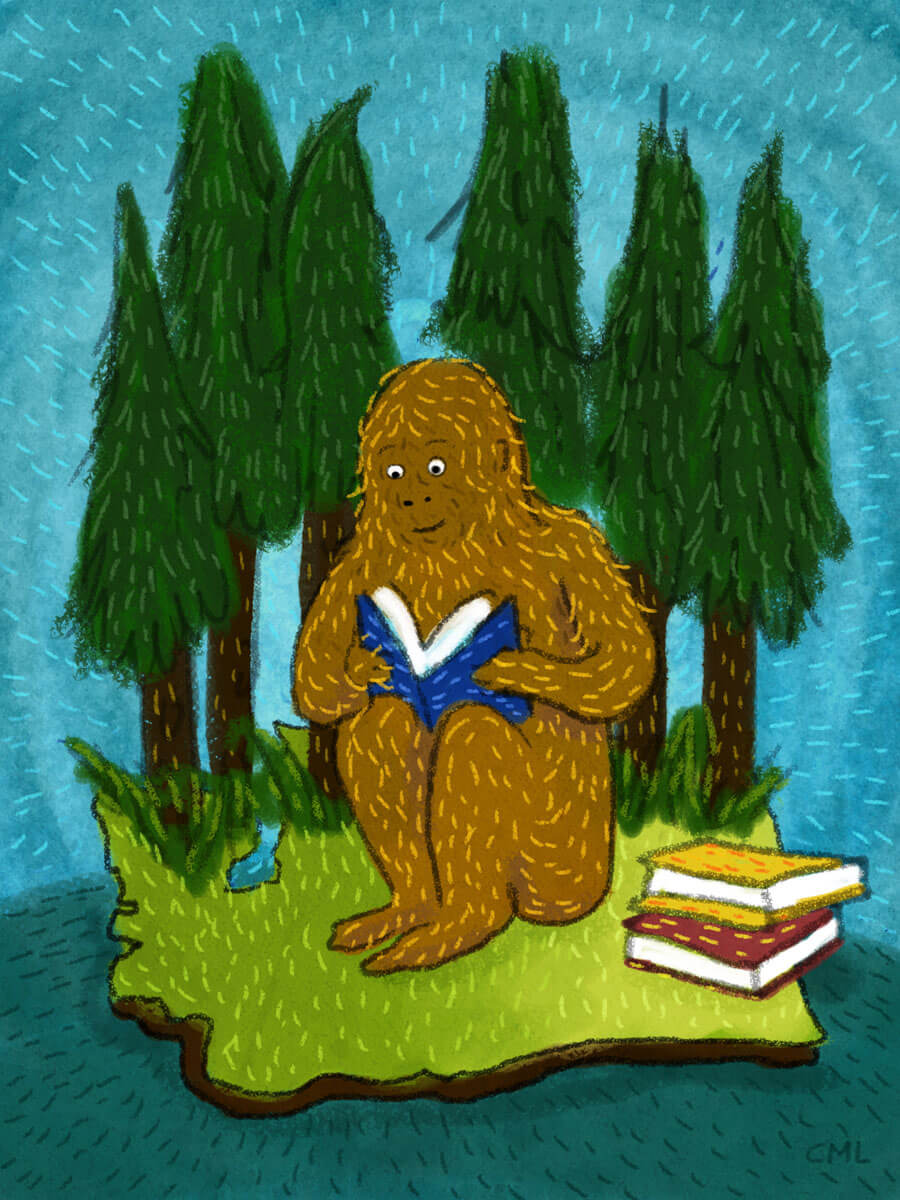
Saturday, October 12th: Washington State Book Awards
Okay, Paul is hosting this one, but you can’t really consider this to be a conflict of interest: have you seen the list of nominees for the Washington State Book Awards this year? It’s amazing. Like, we haven’t seen a better collection of books nominated for these awards in, we think, ever. Tonight, the authors will get together to celebrate the winners and honor each other. Don’t let the fact that I’m hosting the ceremony keep you away, because this is going to be a special night. Seattle Public Library, 1000 4th Ave., 386-4636, http://spl.org, 7 pm, free.
Thursday Comics Hangover: One Joker shy of a full deck
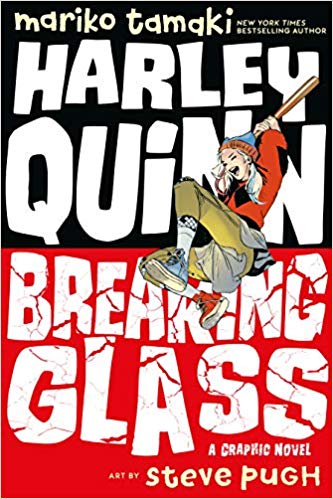
I'm sorry to report that the Joker movie is a dreadful affair. Joaquin Phoenix's acting is very good — though I've seen him do better in The Master and Her — and the supporting cast is excellent. But the movie doesn't really have anything to say. It's just a Joker origin story, pulled out of a comic book setting and planted smack in the middle of a 1980s Scorsese New York City. "Serious" bad stuff happens, and the movie is relentless in its repetition of bleak events. Aside from one very funny piece of physical comedy, there's no punchline here. It's not clever or, really, very funny.
I just don't get why the filmmakers decided to juxtapose the character of the Joker against Scorsese's New York. There's not really any friction there. Now, if they plopped the Joker into the middle of a romantic comedy, or a World War II movie, there might have been enough friction to make a reimagining feel worthwhile.
And I have one great example in mind: Last month, DC Comics published a Harley Quinn comic called Breaking Glass that was written by bestselling young adult comics author Mariko Tamaki and illustrated by veteran comics artist Steve Pugh. It begins as a straightforward young adult story — Harley is a new girl at a foster home who has to learn how to fit in at high school — and it ends with a bold reimagining of the Batman characters for a new generation.
First, let me just say that Pugh, who has been drawing beautiful horror comics since the 1980s, is perhaps doing the best work of his life in Broken Glass. His work has always carried an uncomfortable realism with it, but here the discomfort has been leached away. It's a realistic style that's given just enough comic-book wildness through Pugh's monochromatic coloring. Each page has its own palette — one page is tinted in stately browns, the next is a bright, vivid red — that reflects its main character's discombobulated inner emotional state.
And about that main character: aside from her original appearances in the 1990s Batman animated series I've never been too much of a fan of Harley Quinn. Too many male comics writers handled the abuse aspect of her relationship with the Joker too poorly, making her a toxic role model for men and women alike.
But in Breaking Glass, Tamaki handles Quinn's psychological issues with great care and empathy. Quinn finds a community in a drag troupe, and she learns to love herself in her own unique way. And her relationship with the Joker — who is thankfully presented here as an alter ego and not a demented omnipotent force of chaos — has some twisty depth to it.
I wouldn't give Breaking Glass to any very young readers. There's swearing and violence and some emotional complexity that middle-grade readers might not be able to handle. But for someone in their mid-to-late teens who can handle the occasional R-rated movie, Breaking Glass is the rare reimagining of the Batman story that doesn't just put everyone in a new costume and tell the same tired stories all over again.
Tamaki introduces the Batman universe to a young adult fiction framework and then proves that she has enough ideas to stretch on for six or seven more books in this style. Unlike the been-there-seen-that vibe of The Joker, I want to see more of this world as soon as possible.
Mail Call for October 9, 2019
The Seattle Review of Books is currently accepting pitches for reviews. We’d love to hear from you — maybe on one of the books shown here, or another book you’re passionate about. Wondering what and how? Here’s what we’re looking for and how to pitch us.
"You don't have to talk like the kids:" A conversation with Gretchen McCulloch and Kieran Snyder about the linguistics of the internet
Earlier this fall, at the downtown offices of augmented writing platform Textio, I facilitated a discussion between internet linguist Gretchen McCulloch and Textio CEO Kieran Snyder, who holds a PhD in Linguistics and Cognitive Science from the University of Pennsylvania. (Full disclosure: Seattle Review of Books co-founder Martin McClellan is a Textio employee.) The event, to celebrate McCulloch's delightful new bestselling book Because Internet: Understanding the New Rules of Language, turned into a lively conversation about workplace language, irony, and what it means to navigate the strata of internet language history. What follows is an edited transcript of our conversation.
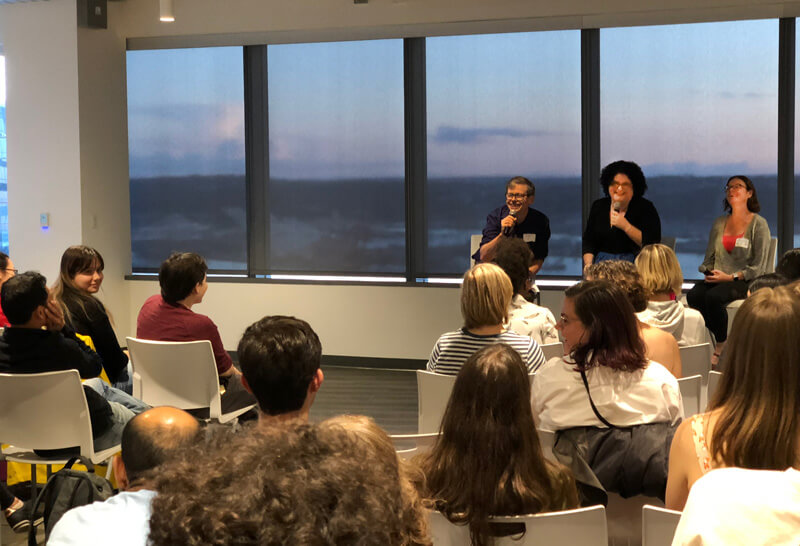
Gretchen, I was surprised by how many internet fads and trends I had forgotten, reading your book.
Kieran Snyder: Same.
Like "doge" — is that how you pronounce that one? Anyway, it seems like a lot of what you're writing about in this book is the relation of irony to language, and how irony gets closer to and further away from language.
So I don't know if you've seen this, but there are Facebook groups where young people join and pretend to be old people — where they'll be writing like old people. There'll be a post, like, "I LOVE JESUS" and then somebody in the comments is like, "MY SON TIMMY DIED LAST NIGHT IN A CAR ACCIDENT IT WAS TERRIBLE."
Looking at this Facebook group, I think of how young women are now wearing my mom's pants. Are young people going to be writing earnestly like old people on the internet sometime soon?
Gretchen McCulloch: That's a great question. I'm very delighted that this is the first question.
So, to take it slightly more seriously, when I was writing the section of Because Internet that was about irony, I ended up thinking what I really need to do was actually see if there's some irony literature. Because surely someone has written a literature on irony.
Turns out, yes. There is a literature on irony. It's great. And there are a couple of things that the irony literature points out. One is that irony is inherently difficult, and it's difficult even in speech. So irony has a couple of steps. One of those is the communication of irony and the second is the acknowledgement by the receiver that the irony has been received. And sometimes they receive it by continuing the irony, and sometimes they receive it by laughing, and sometimes they receive it by acknowledging this sort of thing. It was interesting to me to see that the second step was very much there.
And the second thing that was interesting is that the fundamental principle of irony, or characteristic of irony, is saying something that's not true in a way that makes it clear that you don't actually think that it's true. That introduces this layer of doubt in the receiver.
So if you say, "What a lovely day" when there's a hurricane outside, saying something that's the opposite of what's intended, sometimes the context is sufficient. But sometimes you need some additional thing to introduce this doubt. And that's where I think talking like an older person or using outdated slang or even bringing back things like the tilde, asterisks, that sort of sparkle punctuation, comes in. Then it gets brought back in the way that choker necklaces get brought back — like, "I'm doing this because people did it."
So anything that introduces this note of cognitive dissonance because it's a deviation from expectations — whether that's talking like somebody of a different generation than you, or talking in a slang that was actually cool 20 years ago but is no longer cool — anything that introduces that dissonant note is what enables the receiver to understand that there may be an attempt at irony going on here.
What you're looking for is a way of hinting that there's irony going on, and adopting outdated slang is one way of doing that because if it's actually coming from someone who's a member of that group, then it's not a hint. But if it's coming from somebody who I know is 18 then I'm thinking, okay, there's something else going on here. What is that additional thing?
That's what enables the irony computation to happen. Irony happens with a computation step: like, "here's a note of dissonance. Here's why there's something else going on."
One of the things that I think is super interesting about having the two of you on the stage that you are peers and you come from similar backgrounds. But I think that Textio is interested in, I'll call it formal language, it's more like professional language. And your book deals with very informal language.
I was wondering if you could both talk about inclusivity in language and how you see that changing. It does seem like language, both professional language and formal and informal language, is getting more inclusive in our articles and our gender-neutral language, for instance. Are we moving in a more inclusive direction in both spheres?
KS: I don't think that we are, I'll say it.
I actually like "professional language" more than "formal language" as a label. Because I think every dialect that we use is intended at some level, whether it's consciously or not. And it's often to communicate who belongs in our speech community, right?
Simple example: we think that professional language is by design culturally neutral, right? That's an idea that people who have not thought a lot about language probably believe, is that they come to work and they leave culture at the door and it's a neutral thing.
But you only need to look at how people respond to it to see that that's not true. Right? When you use corporate jargon — words like "stakeholders" or "synergy" or "KPIs" in how you're communicating at work, it turns out that people of color tend to opt out of engagement. Right? When somebody is speaking them, that that's not their design intentionally. But those words grew up in a predominantly white corporate culture and they developed cultural significance. And so I think even in this ostensibly, culturally neutral register of language, often we're communicating in-group and out-group stuff.
Formality and informality, I think, is really interesting. Formal language often wins the battle, but I think informal language typically wins the war. Right?
So at school, we are all taught, to greater or lesser degrees depending on the conservatism of the person you're asking, grammatical rules and compliance and where to put the commas and when you use a semicolon. And people as adults get really self-conscious about whether they comply with the rules that are expected.
I'm a descriptivist linguist, and I still say to my kids, "no, it's not me and Elsa. It's Elsa, and I." I still find those things that my parents said to me coming out. So we absorb that. However, any meaningful look at language change, identifies quickly that real language change comes from communities that are often relative to the mainstream out-group communities. They come from not socioeconomically privileged groups; they come from young people who are trying to find the cultural footing. They tend to come from girls and women more than from boys and men.
So informality is the thing that starts out as out-group and it becomes the way we're all talking 20 years later. We speak English the way we do right now because about a thousand years ago a bunch of people living on an island learned old Norse wrong, so ultimately the out-group tends to win.
I think formal or professional language is as culturally coded. That's why I think software is a helpful solution in the problem, because it interrupts your bias while you're communicating. But in the end informality wins and becomes the new formality.
GM: Yeah, I think that's a really interesting question. What I'd like to see, and I don't know the extent to which this is true or the extent to which I can try to make it true by saying that it's true, is a greater recognition that you can have multiple varieties and that's okay. When I'm saying "younger people are doing this, older people are doing this," People say, "well I'm an older person, that means I must be doing it wrong. I should be changing because I'm not cool like the kids."
You don't have to talk like the kids.
KS: And if you do, you're usually not that cool. As my kids tell me all the time.
GM: I'm already getting less cool. You don't have to talk like the kids. And pointing out that multiple versions can exist doesn't mean that one of them has to be correct, one of them has to be right. You can have multiple ways of doing things and all of them can coexist and people are generally fairly good at understanding each other. I'd like us to be better at understanding each other across different varieties of English and across different ways of speaking.
I don't think that means you have to give up the way you want to talk personally so much as it means you need to understand the context that other people are coming from and to be able to hopefully interpret them and understand them as well. So what I'd like to see is a more pluricentric view of English that doesn't say there's only one way of talking. It says here's a bunch of ways — they're all fine. My English is okay. Your English is okay.
The thing that I think is is challenging about the prescriptive goal in English and one of the things that I think is really cool about Textio, actually, is that the kind of prescriptive English-teacher way of addressing the language assumes that everyone has the same goals when it comes to language.
And as soon as your goals are to impress the dead people — literally they're dead, why do you care about impressing them? They're not there to be impressed. Why do we want you to impress a bunch of 18th century grammarians? They're not here. And this assumes that any deviation from those goals is somehow a problem.
I don't think it's incorrect to evaluate writing and say, okay, this writing did a better job and this writing didn't. We need to be explicit about what our goals are for an individual piece of writing, and in many cases, impressing dead people is not that goal.
I mean, maybe you want to write a Jane Austen pastiche that is indistinguishable from Jane Austen herself, in which case maybe that is your goal. But for many of us, our goals are actually to connect with living people. And our goals are actually maybe to sound artistically beautiful, maybe to sound like we're a member of a particular community, maybe to sound like we care about other people.
So we ask ourselves, "does my language meet these goals? Am I accidentally insulting people because I'm using this word that's actually a slur and I didn't realizing it?" Accidentally insulting people is not generally most people's goals. You either want to deliberately insult them or not insult them at all.
So if we think about what are the possible ranges of goals that different bits of language can have, and how well a particular bit of language is accomplishing its particular goals that it's set — not someone's idea of what everyone's goal should be all the time, but what my goals are right now — so in this case saying, "okay, if our hiring goals are actually to hire a broad range of people, are we actually attracting them?"
I think being explicit about those goals and also accepting that other people may have different goals and their goals can also be legitimate is a way of developing a more pluricentric view of English.
Is the Venn diagram, the overlap getting bigger between professional writing and informal writing? I think of tools like Slack, which I think they bring a sort of informality into the workplace in terms of communication in a way that wasn't there before.
GM: I think it's partly that in the whole internet domain, a lot of styles that were not historically written down are now getting written down. How people talked in the hallway at our workplace was never the same as how they wrote in their memos. Right? But that hallway conversation sometimes moves to Slack or moves to email. And that was always a more informal genre than, "here I am chairing this meeting."
And so we're not used to thinking of writing as having so many different genres, even though speaking has had this many different genres for a long time. And so the the hallway banter or the casual chat you have before the meeting starts are styles. Those haven't been written down as much. And now people are writing them in email or writing them in Slack and say, "why am I using so many exclamation marks? I just keep putting exclamation marks. What are they doing there for?" Well, it's because this isn't a memo, this isn't a chairing a meeting. This is the casual chat in the hallway where maybe you're smiling at somebody.
KS: I also think there's almost a "what are the young people doing" attitude that people who've been in the workforce for a while have as a response to their perceived "millennials are bringing all kinds of crazy informal rules to the workplace. And that's not how it was in my day." It actually was how it was in your day — you were just the young person then. And you were the one bringing change that alarmed and scandalized people who had been in the workplace 20 or 30 years before you.
I think the internet has accelerated it because as Gretchen pointed out, before any of us had computers at work, long ago before any of us were at work, probably, everything that was written was written in a very different way. And it was probably pretty formal because if you didn't have a computer to write on — like my mom was a writer and she used a typewriter — and it was expensive to make mistakes.
So you were pretty serious about getting it formal and perfect because if you didn't, it was like a world of Wite-Out for you. It wasn't backspace and edit and change. And then we get computers and the ability to take risks changes because I can backspace and edit and change. And then we get the internet. Have any of you, maybe it's only me, ever pressed send on something and then regretted it five seconds later?
[Most of the crowd raises their hands.]
Right. I'm better at it than I was 10 years ago. I'm better than I was 20 years ago when I first had regular email access. But the fact of the internet accelerates and pulls in stuff that we would have only said before. Now we write. And we can write with a much higher degree of casualness and apparently lower risk because we can follow up right away or we can backspace or we can change it.
GM: I think it's also the bits that we preserve as well. Because a lot of the informal genre of workplace communications in writing before the internet era is on sticky notes, and telephone pads. And some of these small notes that were never really intended to be preserved and got thrown out or didn't get added to someone's collective archives. So these sorts of informal genres happened, but when they're hand-written, somehow it doesn't seem as grave as when you've typed them. When you've typed them, you expect a certain type of thing. If you think about the genre of informal email versus an informal note you leave on your coworker's desk, they're often very similar.
This is not that dissimilar from what goes in an email, these sorts of notes. So I think also it's a shift in expectations or a shift in how preservable you think something is. Whereas an email can get printed out and used as evidence against you when your company gets sued or something — not this is going to happen — but the email can take on this additional gravitas that the sort of sticky note genre never pretended to have.
Gretchen, I wanted to ask you one thing. You have this amazing sort of super-positive attitude to the language on the internet and I really enjoyed that. I do want to ask, though, is there anything that really bugs you about language? Is there any type of internet writing that annoys you?
GM: You know, my life has gotten so much better since I decided not to get annoyed about language. You don't have to get annoyed about language. There's no moral obligation to being annoyed about stuff. Everything that somebody says they say for a reason. They say because it meets a need for them, or even if they're rushed or something, that's a reason.
I think of it as approaching other people from a place of curiosity rather than judgment. I'm not here to say "this is somebody doing something wrong." Honestly, I sound like a fool if I talk like a teenager, but that doesn't mean the teenagers are wrong. That means that we're just of different generations and it's fine. So I reject the premise of the question.
Book News Roundup: One bookstore opens, one bookstore closes, one bookstore narrowly avoids disaster
-
Yesterday, a fire in Ballard raged out of control on the 2300
block of NW Market Street. Amazing local restaurant La Isla
was damaged, along with other businesses. We did see some good
news from Secret Garden Books, which is just down the street:
Although a chunk of our block burned down today, the Garden will be back to independently sell books tomorrow! Thank you for all your queries! We are safe! pic.twitter.com/18mkw1tH9x
— Secret Garden Books (@SecretGardenBks) October 7, 2019 -
According to a Facebook post, the Elliott Bay Book Company-themed Hudson Booksellers is now open in SeaTac International Airport. Stop by on your way to (or on your way back from) your next trip for some local recommendations.
-
Fremont's longtime nautical bookshop, SeaOcean Book Berth, is closing at the end of this month. Seattle Met writer Courtney Cummings really gets at what made the place special:
Seattle’s nautical history is long and rich. Our city and its economy were built on lumber and fishing imports, shipyards and naval bases, freight and passenger transportation. Seattle still relies on this industry today through tourism, fishing, and ferry transportation. With SeaOcean’s closure, though, the city will bear one less gem of a resource.
At the end of the day
Published October 8, 2019, at 12:00pm
Naomi Beeman examines the labor of empathy and its tolls on our body in Alex Gallo-Brown's forthcoming collection, Variations of Labor.
Nympharium
(A Sonnet in response to Debora Moore's Glass Orchidarium exhibition)
(Side-scroll to see full lines)
Nymphs, your glass bodies do frame our own curves
mortality’s lost scents we are — breezes
in the nostril, prayers of lovers, hip swerves
in the cup of night, a kiss that eases
how could we love anything more than moss
more than rain on your belly, the promise
of waterfalls, mist, of soft dreams not loss,
to be fragrant as hope on the chalice
of orchid’s lips? Each of you an army
of love, each breast a song…
missing from our daily lives of steamy
cars, of concrete, of crows, of gulls, of long
unremembered rivers turned to channels
when earth had eyes, legs, a goddess’ shield, arms for battles
Run away, lest ye be cursed!
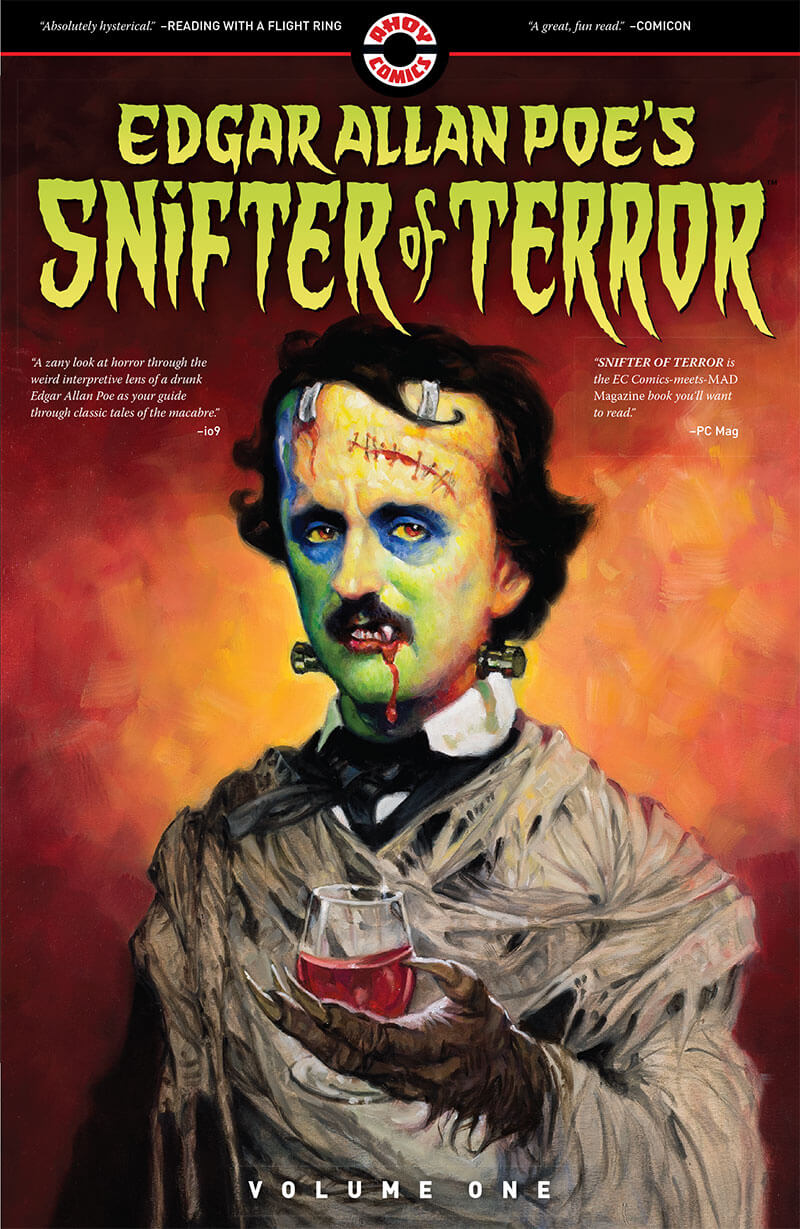
But perhaps it is too late already. Sponsor AHOY Comics has once again come to our pages to infect your brain with their peculiar brand of mischief.
This time, it's none other than Edgar Allan Poe's Snifter of Terror a dance macabre of modern takes on Poe's miseries, released in a very handy paperback form just in time for All Hallow's Eve. On our sponsor's page you can see the first four pages from the epic tale "Dark Chocolate", written by Mark Russell and drawn by Peter Snejbjerg, as well as a teasing taste of other pages from this lush volume.
Don't miss out, for it is sponsors like AHOY that keep us running and paying for the very content you're seeing surrounding this post. We have dates available for you, too, to become a sponsor, at reasonable prices. Take a look, and sign up, and escape the curse of too few people knowing about your event or book.
Your Week in Readings: The best literary events from October 7th - October 13th
Monday, October 7th: Booktoberfest Book Nerd Party
October is the Seattle Public Library's busiest month of the year — it's the month where librarians take to the streets to celebrate reading and literature and fellowship with trivia, karaoke, and other special events. It's called Booktoberfest, and it really kicks into gear tonight, with "a fun evening of bookish games and activities, prizes, free books and snacks, buttons, bookish tarot, and great beer!" Come meet your librarians, who are incredibly fun people Flying Bike Cooperative Brewery, 8570 Greenwood Ave N, http://www.flyingbike.coop, 6 pm, free.
Tuesday, October 8th: Democracy in Decline
Conflict of interest alert: This is an event that I helped to put together at my day job at Civic Ventures. If that conflict bugs you, please feel free to move on to the next event, which is an alternate Tuesday selection. But I do think that this panel about the end of local media and what it means for all of us is something that people who read this site would find to be interesting. It's moderated by my coworker, David "Goldy" Goldstein, and the panel includes my old coworker Erica C Barnett of C Is for Crank fame, South Seattle Emerald founder Marcus Harrison Green, and Matt Gertz of Media Matters, who's bringing his national expertise to Seattle.
Town Hall Seattle, 1119 8th Ave., 652-4255, http://townhallseattle.org, 7:30 pm, $5.
Alternate Tuesday, October 8th: Witness Tree Reading
Seattle Times journalist Lynda Mapes reads from her excellent new book, which looks at centuries of nature and decades of climate change through the life and times of a single tree. I loved this book, and you this is a great opportunity to hear the author discuss it and determine whether or not it will work for you. University Book Store, 4326 University Way N.E., 634-3400, http://www2.bookstore.washington.edu/, 6 pm, free.
Wednesday, October 9th: Lit Crawl Launch Party
It's almost time again for Lit Crawl, which sends book-lovers all across Capitol Hill (and a little bit of First Hill) in search of reading adventures. This event serves as an unveiling of the Lit Crawl lineup and it's also a fundraiser for the festival, which costs a lot of goddamn money to run. Readers include Richard Chiem, Tara Hardy, and Ching-In Chen. There's also an open mic and booze and other events. Cost is $5, and tickets can be bought here.Capitol Cider, 818 E Pike St,397-3564, 6 pm, free.
Thursday, October 10th: Dear Books to Prisoners: Letters from the Incarcerated Reading
See our Event of the Week column for more details. Third Place Books Ravenna, 6504 20th Ave NE, 525-2347 http://thirdplacebooks.com, 7 pm, free.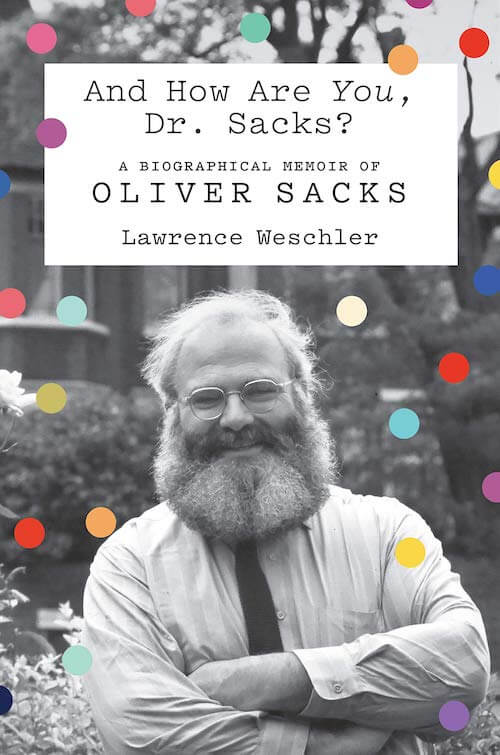
Friday, October 11th: And How Are You Dr Sacks? Reading
Lawrence Weschler is one of the best non-fiction writers in the country. Whatever he puts his big brain to — from a bizarre museum owned and operated by a true eccentric to the light in Los Angeles — is guaranteed to fascinate and amaze you. His newest book is all about the late Oliver Sacks — himself a great writer about the human brain. Elliott Bay Book Company, 1521 10th Ave, 624-6600, http://elliottbaybook.com, 7 pm, free.
Saturday, October 12th: Washington State Book Awards
Okay, I'm hosting this one, but you can't really consider this to be a conflict of interest: have you seen the list of nominees for the Washington State Book Awards this year? It's amazing. Like, I haven't seen a better collection of books nominated for these awards in, I think, ever. Tonight, the authors will get together to celebrate the winners and honor each other. Don't let the fact that I'm hosting the ceremony keep you away, because this is going to be a special night. Seattle Public Library, 1000 4th Ave., 386-4636, http://spl.org, 7 pm, free.
Sunday, October 13th: Seattle Writes: Writing Outside the Map
Seattle poet Laura Da’ hosts a generative writing course that focuses on "the conceit of the map as a central metaphor for crafting new work and evoking place." Geography and personality and place and time are all connected, and Da' will teach you how to make these juxtapositions to create new work.
- Broadview, 12755 Greenwood Ave N,684-7519, 2 pm, free.*
Event of the Week: Dear Books to Prisoners reading at Third Place Books Ravenna
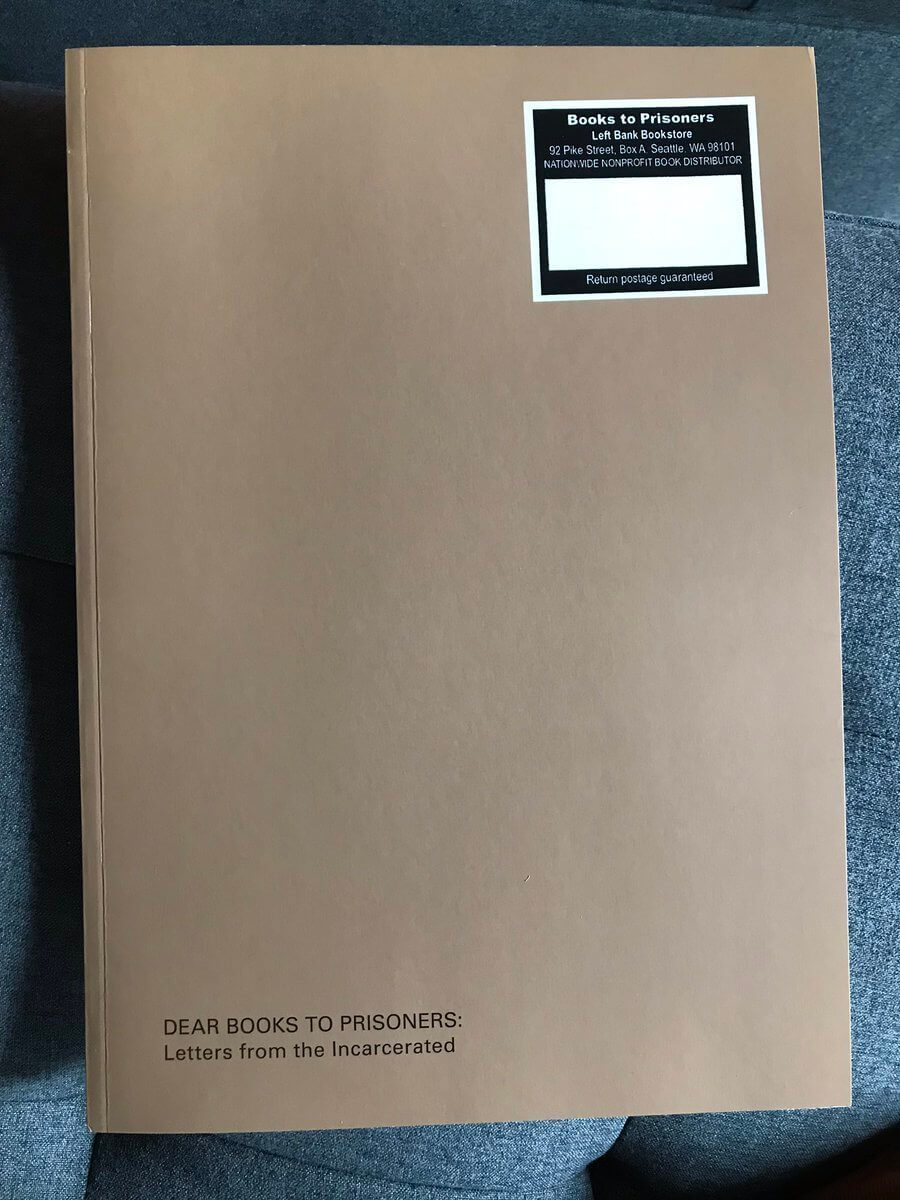
Seattle organization Books to Prisoners does amazing work delivering books free of charge to incarcerated individuals around the country and the world.
This is a vital service. Our prisons do a miserable job of providing inmates with books, and books are how we make people into better people. In fact, if you wanted to actively hurt someone's chances of rehabilitation, one of your first acts would be to withhold books from them.
Book lovers tend to celebrate excess. "I lost control and bought an armload of books at Powell's last weekend," we say, complaining that our nightstands are going to tip over and crush us. So with that in mind, imagine this: The inmates who are served by Books to Prisoners just want to read. Many of them have access to no books at all, let alone the books they want to read.
This month, Books to Prisoners has published a coffee-table book titled Dear Books to Prisoners: Letters from the Incarcerated, collecting some letters from men and women in prisons. (It's almost ironic that letter-writing, that lost art romanticized by so many, is almost exclusively practiced by the people so many of us have given up on.) They have things to say about books: books they want to read, books they have read, books they want to write.
On Thursday night, editors and contributors to the book will be hosting a reading at Third Place Books Ravenna. It's a great way to learn about what Books to Prisoners does, and how people are trying to get books to incarcerated individuals.You should go and learn about the mission. And if you ever needed to reignite your love affair with books, this reading to celebrate the publication of Dear Books to Prisoners, should remind you what's most important.
Third Place Books Ravenna, 6504 20th Ave NE, 525-2347 http://thirdplacebooks.com, 7 pm, free.
The Sunday Post for October 6, 2019
Each week, the Sunday Post highlights just a few things we loved reading and want to share with you. Settle in with a cup of coffee, or tea, if that's your pleasure — we saved you a seat! Read an essay or an article online that you loved? Let us know at submissions@seattlereviewofbooks.com. Need more browse? You can also look through the archives.
I’m back this week! And of course, with me comes my cunning plan to force-feed into this venerable column as much aimless history-related content as I can. Unfortunately, my attention span is as atrophied as ever. So today I present a jaunt through Western history in 4 (somewhat) recent Twitter threads. Lots of European history, 140 characters or less at a time.
History is a trip, y’all.
Disclaimer: I did not fact-check how accurate these threads are, so read them with a grain of salt. Or instead, simply enjoy the stories we still manage to tell in this strange new Internet form.
Why we should all hate Vasco da Gama
First up, a fascinating, detailed thread by amateur historian and engineer Aditya Mukerjee about Portuguese explorer Vasco da Gama — doing what Twitter is best at doing: spluttering with outrage.
Vasco da Gama is best known for being the first European to reach India by sea. What Portuguese monuments failed to mention were the immoral, greedy escapades of da Gama as he tried to swindle Indian merchants, evade taxes, and colonize India while also trying to colonize a tiny Portuguese village at the same time. Even his contemporaries apparently hated him. His crew bailed on him in Cape Verde; the “Shakespeare of Portugal" called his actions in India “reprehensible." Whatta guy.
Because Vasco da Gama failed to negotiate a trade treaty with India (and it's unclear if he actually tried), the Portuguese set up the Portuguese India Armadas - fleets of military ships that would sail to India every year for the next ~50 years to attack India.
— Aditya Mukerjee, the Otterrific 🏳️🌈 (@chimeracoder) September 12, 2019
During these armadas, the Portuguese colonized the Indian state of Goa, which they held from 1510 until 1961.
— Aditya Mukerjee, the Otterrific 🏳️🌈 (@chimeracoder) September 12, 2019
Yes, people think of India's independence in 1947, but that was just British India. France and Portugal held their colonies in India long after the British left.
A medical historian’s favorite objects
Dr. Lindsey Fitzharris, a medical historian and author shares her favorite objects from prehistory to now. And it’s exactly as morbid as you’d expect from the author who wrote a book called The Butchering Art. This thread takes you on a wild ride through bog men, ancient Egyptian prosthetics, memento mori, preserved whale hearts, and royal hair lockets.
My favorite thing about this thread is how utterly, remarkably weird all of this stuff is. Often the way we conceive of the past, especially the Western past, is as an inexorable march toward the present. “Here," we point to a straight and narrow timeline, “is where democracy began."
– Here, the Magna Carta, the foundation of individual freedom
from despotism!
– Here, Enlightenment philosophy, reason!
– The Industrial Revolution! Trains! Medical advancements!
Vaccines! Hygiene!
The pace of progress multiplies, speeding faster and faster toward our world today.
But this timeline misses some of the best and wackiest stuff that might tell you more about the people who lived through those times. If we simply focus on what historical people had in common with us, we fail to understand them as fundamentally different than we are. Even when it doesn’t seem that long ago, or that far away:
#24 of my 40 FAVOURITE HISTORY OBJECTS: this photo of the "Student’s Dream” from the 19th century - depicting a medical student being dissected by his own cadavers. It is very much of its era, when postmortem photography was popular. pic.twitter.com/XPBB8c5eHl
— Lindsey Fitzharris (@DrLindseyFitz) January 1, 2019
Victorians, you know – the ones who invented the steam engine and the subway, they also used to mummify cats and tuck them under their floorboards to bring luck to their houses. If you’re British, that’s like, 6 generations ago. Yikes.
Non-Western historians frequently contend with the issue of othering and foreignness. Maybe one way to balance the scales is not to show what makes the different familiar, but to show how the familiar is otherworldly, too.
Misunderstood symbolism in Flemish still lifes
Ever read way too much into something? You may be more well-adjusted person than me so you don’t, but chances are, you probably have. We-ell, it turns out Flemish art is the perfect place to do so. So put away those text messages from your ex-lover, and read through cartoonist C. Spike Trotman’s sassy, lively thread about these dramatic Northern European still lifes.
Still lifes weren’t just decorative, they were intellectual. The symbolism was strictly codified. The wealthy kept them in their libraries, not their dining rooms. And even so, as civil wars tore apart Europe in the seventeenth century, these artists used still lifes to ridicule earthly wealth and power.
Some of the artists left NOTHING to chance, and even included little portraits of Charles himself.
— Iron Spike (@Iron_Spike) March 31, 2019
*hauls out megaphone* DO YOU GET IT? YOU GET IT, RIGHT? HE'S A KING AND HE DIED. DO YOU UNDERSTAND MY PAINTING? IT'S ABOUT HOW BEING A KING IS MEANINGLESS. MY GOOD PAINTING. HELLO? pic.twitter.com/WPNIoRARRX
After you get through this thread, digitally explore the Rijksmuseum’s still life catalogue to see what you can read way, way, way too much into.
British tourism, Brexit, and the end of empiret
A few weeks ago, the British travel agency Thomas Cook collapsed overnight, leaving 150,000 (!) customers stranded in their holiday destinations. Here’s a thread from Middle Eastern history doctoral student @afzaque about its auspicious early beginnings as a tour guide vendor in 1869, as Britain expanded its interests in the Middle East. The company grew with British power, capitalizing on the opening of the Suez Canal, attempting to infiltrate pilgrimage travel to Mecca in British India. Wherever the British army went, British tourists soon followed.
The history of Thomas Cook's travel empire may be regarded as synonymous with that of imperial Britain. As of this morning, the company he founded has now collapsed—and the timing could not be more symbolic!
— Musannaf (@afzaque) September 23, 2019
It’s no coincidence that the collapse of a travel company also lead to the UK’s largest repatriation operation in peacetime. The ease of travel that blesses British passports also means a lot of travelers at any one time. The longest lasting effects of British imperialism are in the privileges of global movement and citizenship. The power inequalities, wins, and losses of previous centuries remain in the power of modern-day passports. Which citizens can enter without a costly visa? Who gets the right to a long-term working holiday? Why are some residents expatriates, but others immigrants?
Critics of Brexit have argued that leaving the EU in favor of the freedom to forge stronger ties to other countries the US and India is just a new imperialist fantasy. Britain, once again, trying to reclaim the empire it relinquished after the Second World War. But in reality, I suspect Brexit will see the whimpering end of the last remnants of the British empire. It has already sped the end of the Thomas Cook Group.
If they actually manage to leave at the end of this month, UK citizens will likely see the power of their passports curtailed, and with it, one of the most durable signals of it historical significance.
You’ll note that not all of these threads are from professional historians — and all the better for it. We need more amateur historians in the world.
Finally, a big thank you to Alp Çoker and Orion Montoya for sharing some of these threads with me. This Twitterific Sunday Post would not exist without people who are better at navigating Twitter than I am.
Whatcha Reading, Monique Truong?
Every week we ask an interesting figure what they're digging into. Have ideas who we should reach out to? Let it fly: info@seattlereviewofbooks.com. Want to read more? Check out the archives.
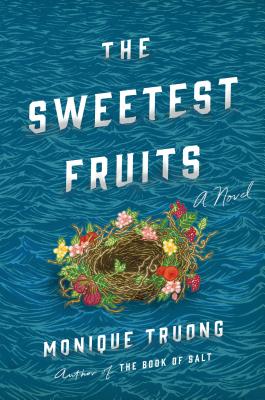
Monique Truong is a Brooklyn-based Vietnamese-American novelist, whose many award and accolades, if listed, would turn this pamphlet into a broadside. She is the author of the novels The Book of Salt, Bitter in the Mouth, and the just-released The Sweetest Fruits. Her latest is a fictionalized look at the very real writer Lafcadio Hearn, through the eyes of three women who loved him: his Greek mother, his African-American first wife, and his Japanese wife and literary collaborator.
Truong is also an intellectual property attorney, serves on many boards, has many fellowships, and is a lyricist working on a libretto for an opera inspired by Joseph Cornell and Virginia Woolf. All of which is to say that it would be foolish to miss this opportunity to see her speak next Thursday, October 10th, at the Elliott Bay Book Company, starting at 7:00pm. It promises to be fascinating.
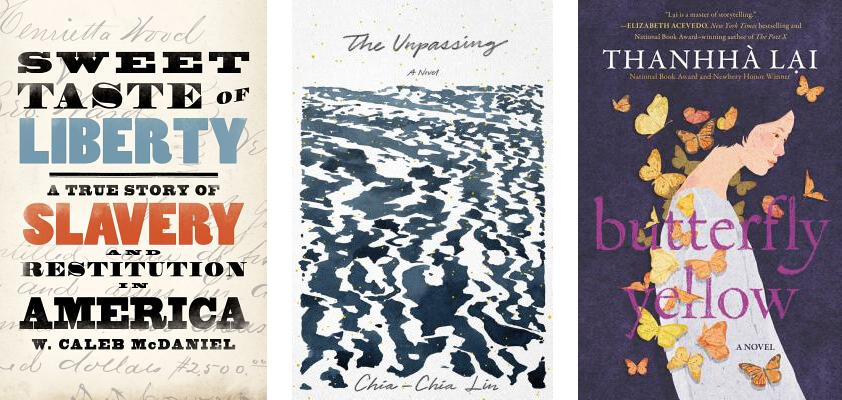
What are you reading now?
I'm reading Sweet Taste Of Liberty: A True Story Of Slavery And Restitution In America (Oxford University Press, 2019) by historian W Caleb McDaniel. The subject is Henrietta Wood, a legal trailblazer whom I should have learned about in law school but did not. She was born into slavery in Kentucky, freed and living in Ohio when she was kidnapped and sold back into slavery in 1853, eight years before the start of the Civil War. That alone is an epic deserving of documentation and study, but Wood’s story is one of survival and of seeking and obtaining redress in a court of law against her kidnapper.
This is how “The Crossing,” the first chapter of Wood’s story, begins: “The blinds had been drawn and buttoned over all of the carriage windows. In hindsight, that should have been the very first sign of trouble. ‘Still, I never suspected,’ Henrietta Wood told Lafcadio Hearn more than two decades later, after she had finally returned to Cincinnati. Otherwise, she might not have left behind in her room the papers that proved that she was free.”
According to McDaniel’s endnotes, the interview ran in the Cincinnati Commercial in April 2, 1876. I’ve spent eight years researching Lafcadio Hearn for my latest novel, but somehow I’d missed this interview. Given the newspaper and the date, I knew exactly the state of mind of the young Greek-Irish reporter Hearn. In August of the previous year, he had been fired from the Cincinnati Enquirer for his “deplorable moral habit,” specifically for cohabitating with a “woman of color.” That woman is Alethea Foley, an African American bi-racial woman who also had been born into slavery in Kentucky and who, post-Civil War, migrated to Cincinnati. Foley and Hearn were living as husband and wife since the summer of 1874. She is one of three first-person narrators of my novel. She’ll tell you that Hearn was in utter disbelief and dismayed by his treatment by the Enquirer and that she, of course, was not. Wood may not have known of Hearn and Foley’s story, but what if she had? What did Hearn and Wood tell each other in that interview that did not make it onto the pages of the Commercial? It’s a tantalizing place to begin this necessary history of enslavement, empowerment, and legal restitution.
What did you read last?
I’ve been reading a lot of first novels this year, and they’ve been remarkably impressive. Chia-Chia Lin’s The Unpassing (Farrar, Straus and Giroux, 2019) is the most recent of these for me. Set on the outskirts of Anchorage, Alaska, this immigrant family narrative, literally and figuratively, took me into new territory. Alaska itself is a character within this Taiwanese American novel and is one that offers both refuge and terror to the children who roam its woods and shores. The beauty and isolation of their geography—their literal backyard—amplifies and echoes the hope and the terrible exile that their parents’ decision to immigrate to the U.S. has placed them in. Will they survive or will they falter is the question that all children in fairytales face when they find themselves lost in the woods. Here, it’s the entire family who is trying to find their way to a home, and it’s their survival, as individuals and as a unit, that is at stake.
What are you reading next?
Top on my to-be-read stack of books is Butterfly Yellow (Harper, 2019) by Thanhha Lai. This is Lai’s young adult novel debut, but it’s her third book. Her first, Inside Out & Back Again (HarperCollins, 2011) — for ages eight to twelve but really for us all — received the National Book Award for Young People’s Literature and a Newberry Honor Book. I consider that novel-in-verse as an example of Vietnamese American literature and Southern literature, as its coming-of-age narrative is set in Alabama. (Full disclosure: I consider myself a Vietnamese-American and a Southern writer, having grown up in North Carolina, which is the setting of my second novel Bitter In The Mouth (Random House, 2010)). I’m eager to begin Lai’s latest, as it’s set in Texas, a region of the country that I also have called home.
September 2019's Post-it note art from Instagram
Over on our Instagram page, we’re posting a weekly installation from Clare Johnson’s Post-it Note Project, a long running daily project. Here’s her wrap-up and statement from September's posts.
September's Theme: Private Patterns
My baby sister is back, choosing more post-its from the days when my Post-it Note Project was just a baby too. September is my birthday month, but it is also hers — and hers takes precedence, because she is truly the baby, born a decade after me, I have to be gracious. She is so far from being middle-aged that it astounds; perhaps there’s still time for my parents to become grandparents after all. In honor of her birthday, these early-days post-its all connect slyly back to her. Coincidentally, she’s the only person living Seattle life with me who also lived the England one from back then; she spent one high school semester sleeping on a cheap fold-out chair (not even a fold-out _couch, mind you, just a chair!) in our cramped living room, treating me confusingly like a parent. When our dad came for a short visit, she confided teenage transgressions to him like a sibling, commanding her baffled actual parent DON’T TELL CLARE I had wine at that party. In my first year of turning days into post-its, though, I was in London for grad school. By July my future-ex-wife had moved back there too, at 11:26pm I was probably attempting forced sleep, still living someone else’s schedule, not yet able to embrace my truer 2am-bedtime self. The post-it feels a bit mysterious, because listening to favorite songs just before bed — naked on top of the covers, head to the foot of the bed near the speakers, freezing on my back lights off, just me and the cold dark quiet of The Hot Rock track 7 — was a leftover ritual, never worked with a partner. I don’t know what I was doing. My sister chose it because years earlier I took her to see Sleater-Kinney at the Showbox (On a weeknight. I recall numerous advance debate sessions with our parents, in which I apparently successfully argued the special merits of her attending such a show). Internet sleuthing confirms that concert was a December Sunday; I was in college, just arrived home for my final winter break, my sister was 12. Cat Power opened, along with Smoosh — a local duo who were also, strangely, 12-year-olds. I’d seen both grown-up bands before, and for me this was all about Sleater-Kinney — earnest and intricate queer excellence, loud guitars. But the online evidence remaining now is from a Cat Power fan site, dotingly detailing her “belligerently drunk” performance, arriving onstage carrying “her guitar, a cup of whiskey, and a post-it note.” It felt like I’d uncovered a sharp, tiny clue, my memory-sleuthing unearthing coincidences that could overpower distances of time and space. But we all have private patterns, and post-its are just ordinary. The 2010 pieces look benignly similar to 2006, but that 4-year leap takes my breath away, lands badly. We’re now just barely after marriage. One month into my new life in Seattle, this one I live now. My sister and I were sharing a fold-out couch in Tennessee, our grandma moved there for a late third marriage but I’d never been, always living too far away. It had been so long since I’d taken a domestic flight — after years in England, flying cross country seemed suspiciously, delightfully fast. My baby sister was in college by then, we went for her break. An awkwardly mistaken variation of “totally” from the movie I Love You, Man had briefly become part of her vernacular... and I, being a TRUE ARTIST, felt compelled to illustrate the pictures this made in my head. Rare lighthearted drawings in an era of much darker memories. The ordinary relief of joking at bedtime together and thank goodness, even when I’m heartbroken; luckily my sister thinks I’m funny sometimes.
The Help Desk: How to get lit up
Every Friday, Cienna Madrid offers solutions to life’s most vexing literary problems. Do you need a book recommendation to send your worst cousin on her birthday? Is it okay to read erotica on public transit? Cienna can help. Send your questions to advice@seattlereviewofbooks.com.
Dear Cienna,
Lately I've been waking around 3 a.m. and sitting up for a few insomniac hours thinking — about failure, regret, what America looks like now that we've ripped her skin off. The usual. My doctor asked me what I read before bed, and apparently books about rape and depression memoirs aren't "soothing" or "calming" enough (?). Got any recommendations that would fit her prescription, without turning my brain into fluff?
Sleepless in Seattle (Sorry)
Dear Sleepless,
Your brain is horny for sadness, or what the veterinarian I buy my spider antidepressants from calls "Praying Mantis Syndrome." The syndrome, a sex-positive cousin of SAD, can manifest in many ways – for instance, it's what prompts me to compulsively buy sexy clothing in a "spiced ham" hue.
I commend you for seeking treatment. Have you heard of Up Lit? It's an entire genre of literature dedicated to people with your affliction. For your first read, I recommend Furiously Happy.
The Seattle Public Library also has a list of Up Lit books that aren't fluff.
(May Baphomet bless Seattle's librarians – they work in a beautiful book terrarium, being paid to do the job I do in a basement for free. From their list, I also recommend Beautiful Ruins.)
Finally, if you're looking for a shorter read before bed, The Guardian's Upside is dedicated to journalism that doesn't make you feel like you are being swallowed whole by a shit snake.
Kisses,
Cienna
The Portrait Gallery: Ijeoma Oulo
Each week, Christine Larsen creates a new portrait of an author for us. Have any favorites you’d love to see immortalized? Let us know, or see if you can find them in the archives.
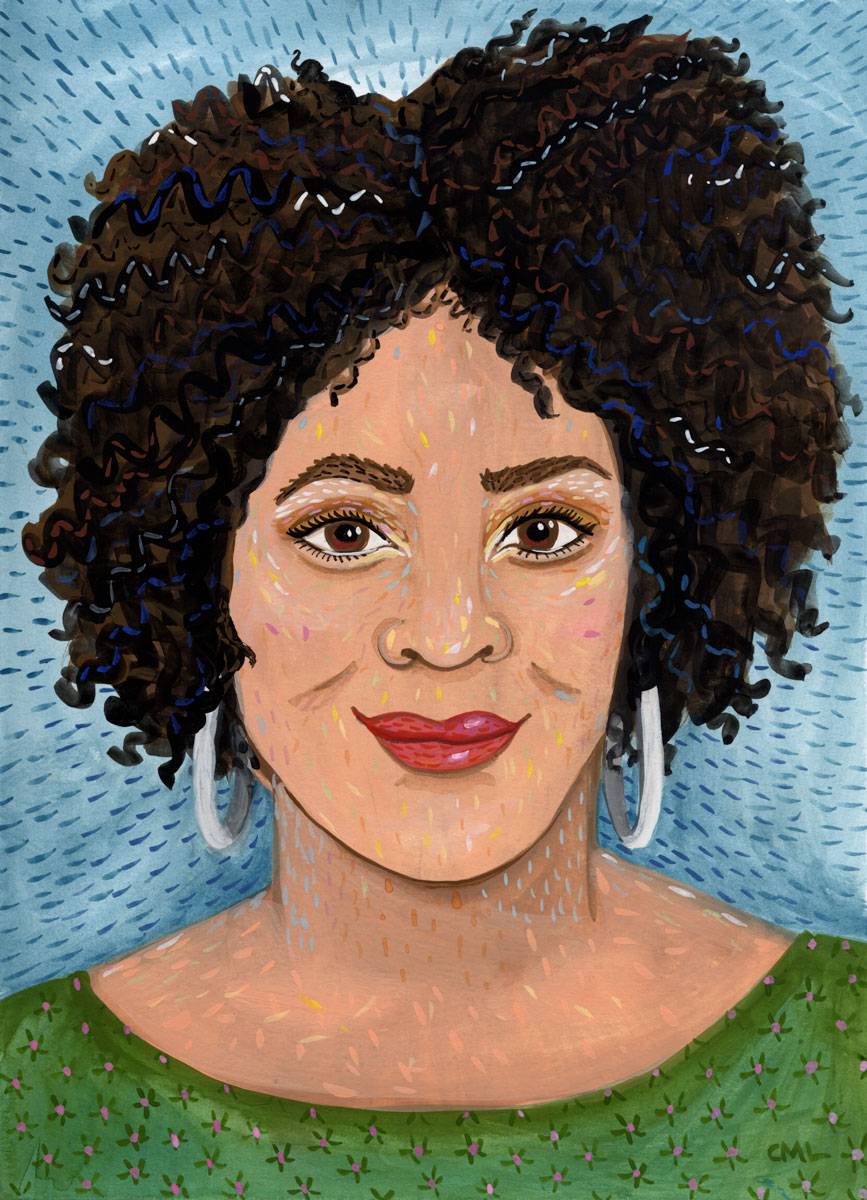
Ijeama Olou's talk with Charles Mudede was last night, but we wanted to re-run this amazing portrait of her to celebrate the paperback publication of her wonderful debut book So You Want to Talk About Race.
Can one person draw down the apocalypse?
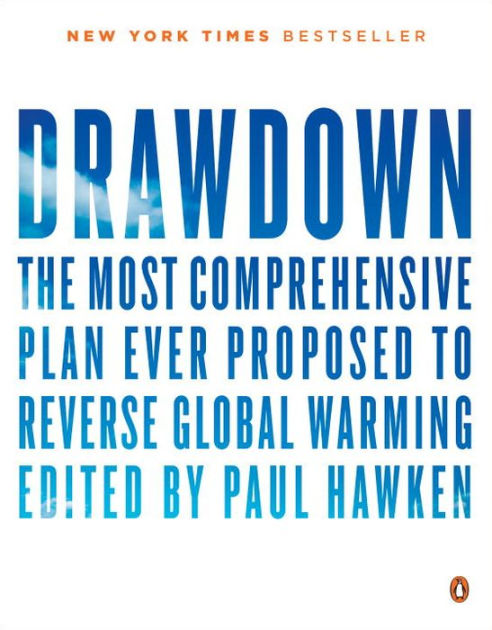
Drawdown is many things — an encyclopedic guide to what the Green New Deal can and should do to reduce climate change; a primer for those seeking to educate themselves on how they can encourage a greener planet; a guide to where we are now — but it is not a very good book club book. You can't really read Drawdown from beginning to end. It's meant to be read in quick bursts, or used as a resource for people who work in public policy. It's maybe the first book for the Reading Through It Book Club that I haven't read every word of, from beginning to end.
But though none of us read Drawdown from cover to cover, last night's Reading Through It Book Club had a great conversation about the environment and climate change.
It helped, of course, that we were meeting just two days after the end of perhaps the single most consequential month in the history of the environmental movement. We toasted to Greta Thunberg's astounding achievement in changing the discourse about climate change, and we discussed the similarities between her action and the Parkland kids changing the gun responsibility discourse forever with their activism.
One of the most interesting avenues of discussion had to do with the way that the book centered white men — it's edited by a man, and it features essays largely by men, and the chapter on how policies benefitting women could help the environment mostly consisted of reproductive rights, as though bearing children is the only value women possess. Thunberg has helped decentralize the conversation from a masculine frame, and so Drawdown already feels regressive, though it was only published last year.
And as with the larger conversation about climate change, members of the book club were wrestling with the idea of what it means to be environmentally conscious, and how much of the work can be done on an individual basis as compared to a systemic basis. Surely, even the single most environmentally responsible person in the world is a grain of sand compared to the most environmentally irresponsible corporation?
Can any individual action matter?
Ask Greta. Alone, one person can't do much. But if that person commits the right action, and calls on the right people to follow them, conversations can be changed and the impossible suddenly becomes inevitable.
The Reading Through It Book Club will meet next at Third Place Books Seward Park at 7 pm on Wednesday, November 6th. We'll be discussing Sarah Smarsh's excellent economic memoir Heartland. It's always free; please join us.
Kissing Books: Monster mash
Every month, Olivia Waite pulls back the covers, revealing the very best in new, and classic, romance. We're extending a hand to you. Won't you take it? And if you're still not sated, there's always the archives.
October is an ideal time to talk about monsters. Both the literal kind — Beauty and the Beast is one of the great narrative threads of the romance genre — and the more metaphorical kind. Romance has plenty of both. We have werewolves and bear-shifters and aliens and paranormal characters with terrifying abilities. And we have frighteningly powerful men: dukes and billionaires and SEALs and cops and warriors and spooky house owners who may have murdered their first wives (or just keep her imprisoned in the attic, pick your poison). Less commonly, but more interestingly, we have monstrous women: abusive mothers and unrelatable heroines, emotionally broken creature hunters and ice queens and traumatized women whose survival has turned them bitter or cold or suspicious.
It is impossible to add up every kind of monstrousness in romance and get a clean, unambiguous result about being a monster means. Every book that grapples with it reinvents the definition to some degree. You have to take it case by case: Are the monsters the heroes, or the villains, or is it a mix? (Paranormal worlds do a lot of the latter, as we’ll see in this month’s books). Watching who self-identifies as a monster can be instructive: plenty of villains do it, yes, but plenty of leads do it too only to be proven wrong and reclaim their humanity.
And sometimes, monsters fall in love with other monsters, because romance is flexible like that.
Sci-fi authors have written a million robot books to ask questions about how sentience is defined, claimed, and created. When exactly does a machine become a person? Where does humanity begin?
Romance’s monsters, all of them, explore the opposite problem: When does humanity end? At what point have you gone too far for love to bring you back again?
Take the dark romance subgenre, which has featured romances for Nazi and Stasi love interests, serial killers, kidnappers, stalkers, rapists, current gang members, sex traffickers… You get the picture. Conversation around these stories often borrows from therapeutic language: they’re a way of facing fears in safety, or they’re a way of processing trauma and/or stigmatized desires. Or conversely they’re deeply unhealthy and contribute to the worst impulses of rape culture and toxic masculinity. Or maybe they’re both.
There’s no succinct answers here, either: is that medicine you’re drinking or poison? Sometimes the difference is only a question of dosage.
And there’s certainly a few examples of dark romances like the Stasi hero, whose function is to make terrible men seem palatable. He’ll hurt everyone but you — or he’ll only hurt you for your own good. It may be a fascinating challenge for the writer, but… it feels less than healthy, to me. Not because I need my stories to be perfectly hygienic or sanitary — I love Macbeth, for instance — but because romance as a genre exists to show that the leads belong together, and that means ethically they have to deserve one another. Don’t they? I have an extremely hard time believing, even in fictional settings, that survivors deserve to live as partners with their torturers, or that they can do so safely. At what point are these stories treating the symptoms of toxic masculinity, rather than the disease? Are dark romances a therapy, or merely an anaesthetic?
Forgiveness may be divine, but we’re only humans here.
Personally, I tend to prefer literal monsters who are profoundly human underneath, despite the fur and the fangs. Shelly Laurenston’s aggressively horny shifters, for example, or Gomez and Morticia Adams, whose love language is innuendo about murder and torture. I have a harder time with emotional monsters: people who abuse their power over others, people who demand submission and not in the fun way, people with unacknowledged anger issues and bloody backstories and inhuman aspects that seem to be normalized in the text. But as with everything in romance, there are exceptions: this month’s books include some doozies. We’ve got a badass sci-fi heroine who’s not quite the girl she used to be; a noir hero who falls in love with a vicious assassin with golden eyes; a blacksmith heroine with huge shoulders and a cheerfully murderous attitude; and one of the single most terrifying and lovable alpha heroes I’ve ever read. And one short, sweet book about two quieter souls who fall in love in a world where they’re the only people who aren’t monsters — because I had to have some fluff in here, after all, even in the spookiest month.
Venture forth — if you dare.

Aurora Blazing by Jesse Mihalik (Harper Voyager: sci-fi m/f):
Disclosure: Jesse Mihalik and I share a publisher and an editor.
February’s Polaris Rising was one of the best action-filled sci-fi romances I’ve read in some time; Aurora Blazing is even better. It continues events from the first book, so you probably lose a little if you go in as a standalone — but if your choice is between reading neither and just starting here, then please, I urge you, start here.
Bianca is a daughter of House Von Hasenberg, one of the four main families in the corrupt, conniving, and ultra-wealthy Consortium. Widowed, wounded, and carrying around a truly awesome secret which not even her much-loved siblings know about — seriously, it’s amazing, I love her, and I’m not telling — she plays the part of a social schemer while collecting broad-ranging intelligence and helping other people escape the kind of abusive situation she found herself in as a younger woman. Stubborn and self-protecting, she often butts heads with the House’s director of security, the too-attractive and interfering Ian Bishop, who has a few secrets of his own. Next thing you know the von Hasenburg heir has vanished, Bianca’s gone on the run and been marked as a traitor, and Ian’s been sent to capture her and bring her back to her father for justice.
It’s difficult to write a good cat-and-mouse plot with tech that hasn’t been invented yet, but Mihalik gets it just right, clear about both the obstacles and the workarounds both characters exploit while keeping the pace brisk and the blasters firing. I loved the chemistry our two leads showed in the first book, and it’s front and center here: just the right amount of pining and lust and that heartbreaking need for consolation that always twists me into delightful knots. Just a great ride from start to finish.
“You are a dead man, Ian Bishop,” I threatened.
“It wouldn’t be the first time, love,” he said, his clipped accent more pronounced than usual.
The endearment kicked me in the chest and I froze. I knew it didn’t mean anything, it was just a filler word like darling or sweetheart, but it hit on one of my secret longings. I stared straight ahead and pretended my heart didn’t ache.

No Good Men by Thea McAlistair (NineStar Press: historical m/m):
It’s been a rough couple years in queer romance publishing: Riptide lost an editor for racism and harrassment, Dreamspinner is demonstrating extremely dodgy behavior at best, and Less Than Three Press recently made a graceful exit from the stage. Larger publishers have started buying more queer romances but it’s still a trickle where we want a pool.
All of which is to say I’m incredibly grateful for the work NineStar Press is doing: queer romance of so many subgenres and heat levels, especially speculative, with a freewheeling sense of risk-taking. Like Thea McAlistar’s noir m/m mystery, with a romance arc but no on-the-page sex, and plenty of hard-bitten cynicism.
There are detectives of brilliance: Sherlock Holmes of course, Lord Peter Wimsey and Harriet Vane, the terrifying razor blade of Miss Marple’s intuition. But I reserve a certain part of my heart for detectives who are just a bit dim, and a lot stubborn. Holly from The Third Man; the Dude from The Big Lebowski; Harry from Kiss Kiss, Bang Bang. And now Alex Dawson, a sometime pulp writer turned bodyguard, who starts poking into the murder of the mayor he was supposed to be guarding. Not out of any regard for the mayor himself, but because the other bodyguard killed was Alex’s dear friend, and he just wants to know the answer to a simple question: Why?
It’s a wonderful setup, where the publicly important death matters to us much less than the emotionally important death. Like any good noir, the personal looms larger than the political, and watching Alex cope with the assault on his rickety found family will break your heart in the best way. It’s also the first in a projected series, and I have high hopes of seeing more of this cast of characters — at least, the ones who survive. Spoilers? Sorry: this book has a higher body count than my usual recommendations. And a lot of guns. It must be said that the romance arc is definitely a bit secondary, and readers in search of fluff will want to look elsewhere.
Readers in search of something gritty but not grim, tragic but not nihilistic, will come away amply satisfied.
Sometime during my visit with Mrs. Green the weather had turned heavy and damp, threatening rain. I was almost glad. Sunlight didn’t quite match my mood. I cursed myself the whole half block it took to get to the Carlisles’ house. Suckered by an old lady, I couldn’t believe it! Well, I could, considering the amount of corruption in town. Everyone with their money and their secrets. I was almost surprised no one I knew had been murdered before.

The Rat-Catcher’s Daughter by KJ Charles (self-published: historical asexual trans f/asexual m):
It’s always a risk to bare your feelings to another person, but how much more so when there’s queerness or transness to take into account, especially in times and places where those identities carry more than the usual burden of legal and social stigma. Maybe that’s why trans and ace (asexual) romance plots appeal to me so much: there always has to be a moment where the characters must be more than usually delicate with one another, because the risks of confession are so much more profound, and the characters have been hurt in just that way so many times before.
Here, that moment comes when our music hall songstress Miss Christiana and our humble clockrepairer/diamond fence Stan reveal to one another that they’re not really into the whole sex thing, never, not with anyone, just not anothing that works for them. It starts as an awkward, anxiety-filled conversation for both of them, and turns into a glowing, giggling sunburst of mutual understanding and relief. I couldn’t have liked it more.
And of course, that lovely gem of a moment shines more brightly against the grimy backdrop of Charles’ underworld family: the Lilywhite Boys (as you’ll recall from the marvelous Any Old Diamonds) would be the villains in nearly any other romance world. They cheerfully steal things; they like violence; they are the furthest thing from gentlemen. I’m glad we have this morsel of a book to keep us from getting too ravenous for the next one (Templeton and Susan, be still my heart!)
What will really upset Stan is you getting in trouble, so don’t. And don’t worry,” he added, a little more gently. “We’ll bring him back.”
She clutched his forearm. “Will he be all right?”
Templeton didn’t respond right away. “I hope so,” he said at last. “But if he’s not, I promise you, it’ll be catching.”

The Blacksmith Queen by G. A. Aiken (Kensington Books: fantasy m/f):
Did I describe No Good Men as a little violent? Oh, sweet summer child. This book opens with not one but two scenes of gleeful slaughter, splatteringly comic, and by the end of chapter two I had already lost count of how many skulls had been smashed and whose inside bits were splashed onto whom. It’s not at all my usual thing but all the characters seemed to be having such a good time that I couldn’t look away.
By the time the secret centaurs (what?) and the demon wolves with fire for eyes show up (what???), I was reaching for the popcorn and settling in for the whole show.
This book is not subtle, but it is gloriously surprising. It’s what you might get if Game of Thrones and Borderlands 2 had a romance baby. Or a slightly less wholesome Galavant.
At several points I actually yelled Oh shit aloud at the page, because G. A. Aiken can present a plot twist with all the finesse and brilliance of a stage magician.
We begin: The Old King has died and prophecy hails new successor — not one of the king’s murderous offspring, who immediately begin assassinating one another, but a blacksmith’s younger daughter. But we don’t follow Beatrix: the story’s centered on the Chosen One’s older sister Keeley, a tall, broad, impossibly strong and burly blacksmith like her mother. Keeley is deadly with a sledgehammer and easily makes friends with every animal, even the demon wolves. The Witches of Amhuinn have sent a clan of centaurs to defend the proespective Queen — including large, scowly, misanthropic Caid, who is utterly perplexed to find Keeley treating him with all the cheer and confidence at her disposal.
The goal is simple: get Beatrix to the witches to confirm her destiny, while avoiding capture and slaughter from the royals who are grasping for power. But then things — well, things take a turn, and the patterns you thought you were following begin shifting like a kaleidoscope. The prose is profane and filthy and utterly unself-conscious, leaving the faux-medieval tone at the door in favor of brash, direct statements.
I had forgotten that epic fantasy could be this fucking fun.
“So we’re just going to pretend those wolves don’t exist?” Laila asked.
“That’s exactly what we’re going to do!” Keeley joyfully replied. She’d just survived a battle and she felt pretty good about herself. Why ruin it all by fighting a woman she barely knew?
“Are you a witch of the dark gods?”
“Me? A witch?” Keeley had to laugh. “I have one loyalty aside from my family and it’s steel. That’s where my heart and love are.”
This Month’s Noir Detective Heroine, Paranormal Edition

Burn for Me by Ilona Andrews (Avon: paranormal m/f):
If Nevada Baylor were not a romance heroine she would be a Raymond Chandler character. I’ll spare you the five-page essay, but I’ve got the quotes to prove it.
Noir was always a genre I loved for its best tendencies (sly wit, mysteries to solve, cityscapes, femme fatales) and in spite of its worst (misogyny, violence, xenophobia, and nihilism, not necessarily in that order). Romance-noir overlaps are few and far between: things either go Gothic and angsty, or end up as romantic suspense with its comfortable Good Versus Evil, or star a heroine who’s too much of an ingenue to support the weight of a proper noir voice.
What I’ve been missing is the heroine with an eye like Phillip Marlowe’s, which presents subtle observations in the form of biting jokes.
Such as: “She wore a white dress that really wanted to be a sleeve.”
Which is how Nevada Baylor, our down-and-out private eye in a world controlled by magical families, describes the receptionist in the ultra-modern lobby of the ultra-wealthy Montgomery International Investigations. It’s a classic noir scene, our detective showing up to a wealthy client’s office, setting up future tensions and showing us why we’re going to be rooting for this detective even when they’re haggard and human and ready to buckle beneath the weight of crime and sin and evil.
By the time our hero Mad Rogan shows up, I’m ready to burn down the world to keep Nevada safe. I’m committed. I’m invested. I’m more than a little bit in love. Any man who wants her is going to have to prove to me that he damn well deserves the honor.
Mad Rogan is not a noir hero. He’s something like a noir villain, with his wealth and his morals and his power. He’s an homme fatale, both intensely sexual and profoundly untrustworthy. And he’s fucking dangerous: a powerful high-level magic user, he calmly muses aloud at several points that people get far too worked up over a little murder here and there.
I love him to bits and I have no earthly idea why.
Seriously, I write books and about books for a living. Normally I can at least see enough of the strings to know how they’re being pulled. I generally don’t mind. Good magic’s not less fun when you know how a trick is performed. But I honestly have no idea how Ilona Andrews is pulling this one off. Just last month I was talking about being painfully tired of alpha heroes who are the Mostiest Most of everything, and power imbalances in paranormal romances, and romance arcs that take up multiple books — and here is a book where all of that seems to be true, at least on paper, and I am eating it up with a fucking spoon.
I’m going to have to read the rest of this series, and reread it until I figure it all out. My puzzle-solving, pattern-spotting, overthinking magpie mind is not going to be able to let this go. I’m actually furious at myself for not having read this years ago. If you want your brain gloriously wrecked this October, start here.
Across from me, Mad Rogan sat motionless in the circle. A damp sheen beaded at his hairline and slicked his chest and carved biceps. The blue runic script covering his body still held, but some symbols were beginning to smudge. The effort of crushing my will was wearing him out. In the soft illumination of the room, he looked barely human, a feral, predatory creature of some arcane magic. I would’ve loved nothing more than to walk over there and kick him right in the face. As it was, I glanced at him anytime the pressure got to me, and a fresh jolt of fear kept me going. The pressure ebbed slightly.
He was tired.
Thursday Comics Hangover: Submitted for your approval
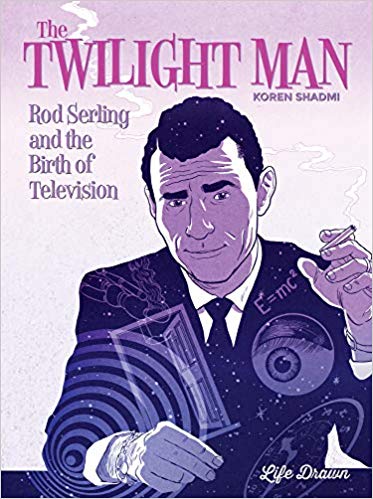
Yesterday was the 60th anniversary of the world premiere of The Twilight Zone, a show that would forever change the scope of what television was capable of as a storytelling medium. Yesterday was also the publication date for The Twilight Man, a comic biography of Twilight Zone creator Rod Serling by Koren Shadmi.
If you're unfamiliar with Serling, you are likely at least very familiar with his legacy: Black Mirror was pretty much straight-up a Twilight Zone knock-off with a technological angle. You likely have seen at least the climax of Planet of the Apes, the screenplay of which was written by Serling. He helped shape our idea of what science fiction can do as an agent of social change, and he opened up television to a world of possibilities that are still being explored today.
Of course, the question about any comics biography about an artist who excelled in another medium like television is, why does this biography need to be in comics form? Wouldn't it make more sense, be more thematically interesting, to tell Serling's story as a TV movie or series? Shadmi answers the question of "why comics?" by embracing the major themes of Serling's work and echoing those themes throughout the book. Like in the Twilight Zone, Shadmi's story veers into bizarre visuals, adding an air of menace to Serling's story that suits him down to his shoes. (And of course, like the best Twilight Zone episodes, the book is presented in glorious black and white.)
Serling's early military career, in which the unexceptional physical specimen volunteered for pretty much any dangerous duty he could get his hands on, is marked with the horror and sudden reversals of fortune that we recognize in Serling's work. And as Serling eventually works to find his voice as a broadcast writer, Shadmi illustrates his journeys into weird and sinister fiction as psychedelic trips through mysterious floating doorways, haunted by shadowy monsters at the edges of his peripheral vision.
Shadmi is an excellent cartoonist, finding the right balance between cartooniness and realism. (His figures resemble nothing so much as the work of Jason Lutes.) You might be deceived by his clean linework into thinking that very little is going on in each panel, but if you look closer, you'll notice that Shadmi almost never skimps on backgrounds — he'll draw every piece of debris in a combat scene after an explosion, for instance, just to give a sense of the desolation caused by war. The world feels just as real as our own.
Very few biographies of writers are worth your time — particularly writer biographies told in visual media like film or comics. The interiority of a writer's life rarely makes for decent narrative fodder. But The Twilight Man makes the weakness of the medium — the inability to really reach for the interiority of Serling's writer life — into a strength by pulling the man inside out, and letting us peek into his head. It's a dark ride, with a killer twist. Serling would be proud.
Podcast fatigue, Donald Trump, and Something Awful
I’ve gotten tired of podcasts lately. Maybe I’ve listened to two (thousand) too many hours of interviews and pundit prognostications. Maybe I just need to sit with some thoughts a little longer than the 45 minutes to an hour that podcasts demand.
In place of the podcasts, I’ve been downloading audiobooks from the Seattle Public Library and listening to them in rapid succession. I’ve burned through a half-dozen books since Labor Day in my two hour walks to work. In many ways, the books I’m listening to examine the same themes as my current-events podcasts, but they spend more time with the subjects, really digging deeply into the roots of problems.
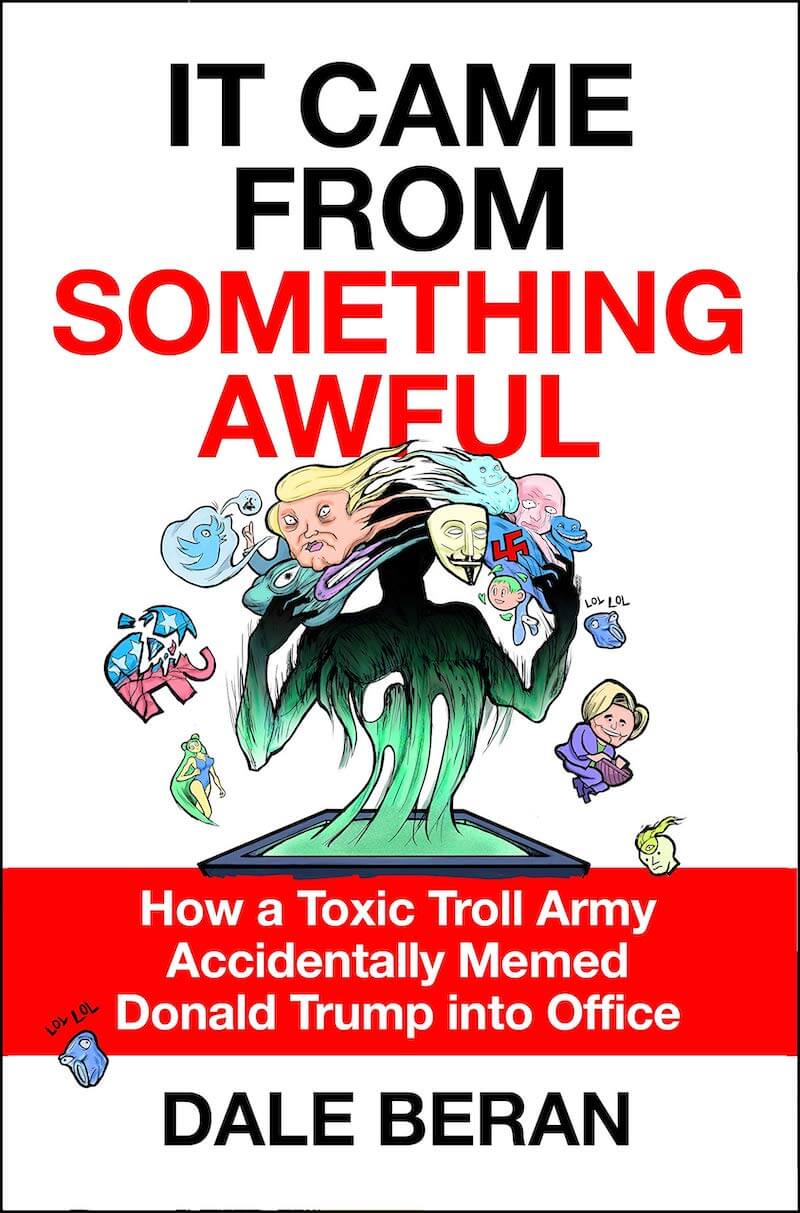
The audio book that has elicited the strongest reaction from me so far is Dale Beran’s It Came from Something Awful: How a Toxic Troll Army Accidentally Memed Donald Trump Into Office. It’s basically a history of men acting terribly on the internet, from the Something Awful forums to 4Chan to 8Chan to Gamergate to the alt-right.
In Something Awful, Beran digs deeply into this hidden history of the world — the part that unfolded under the guise of anonymity for the last few decades, while the rest of us were living our lives in reality. It’s a solid piece of journalism, connecting all the dots that have been right there in front of us all along.
But let’s be clear: the history of online chuds is not by any means a straight line. Trump was not an inevitable outcome of an inexorable forward march. Men behaving badly online have swung between the poles of the left (those worldwide protests against the Church of Scientology) and the right. To them, it’s not political — it’s about the chaos they can cause.
Beran reads his own book and he’s a capable narrator, adding enough irony to his voice that you can practically hear the eye-rolls at some particularly dumb online rituals. Hearing some of this online conversation read aloud is cringe-worthy — I’ll never hear “lulz” in spoken English without wanting to crawl into a ball and die — but in a way that helps fortify the book’s thesis. None of this stuff — not the pointlessly complex memes, not the rage at “normies” for living a life they can only dream of — is normal, or should be spoken aloud in polite company.
But of course now it has been spoken aloud. And Tweeted. And elected to the White House. Like a magical curse in some fable, what’s been spoken aloud can’t be taken back. We all live in 4Chan now.
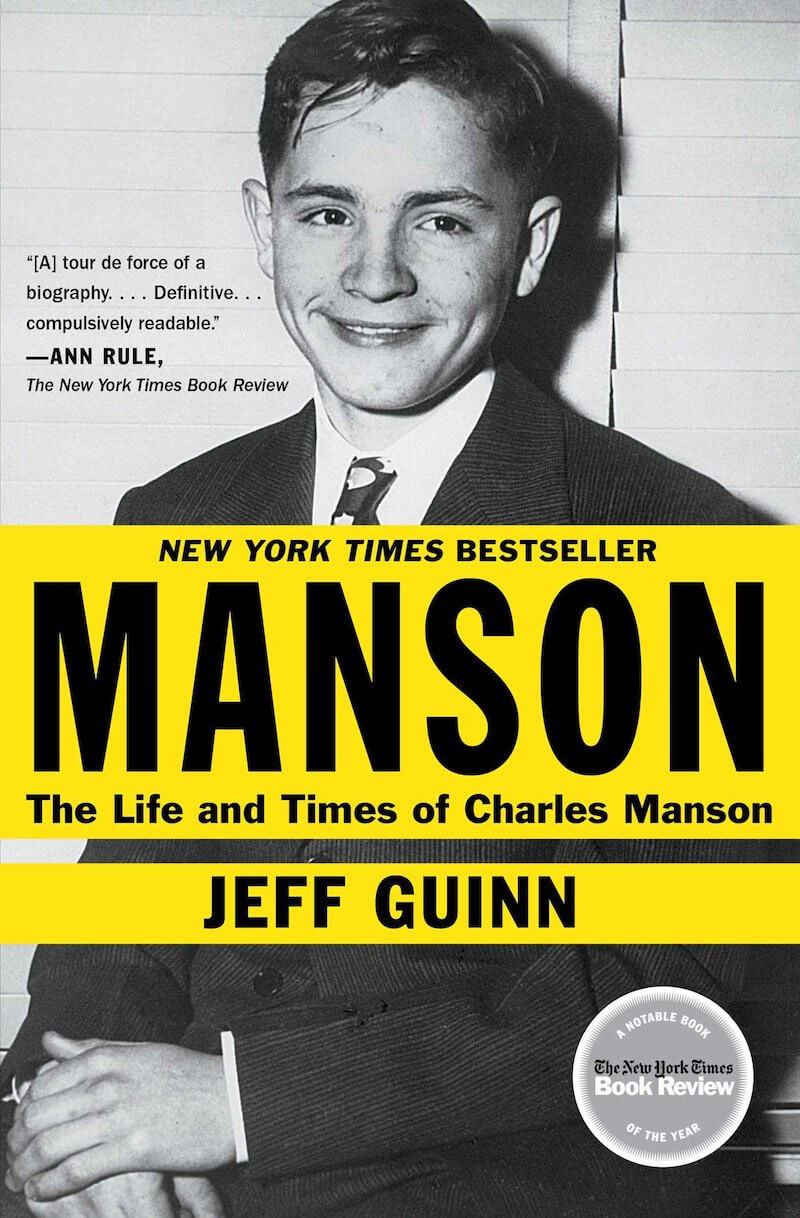
Another audio book I’ve consumed recently proved to be especially illuminating when it comes to understanding the troll-in-chief. After watching Quentin Tarantino’s Once Upon a Time…in Hollywood (twice) and the second season of the serial-killer profiling drama Mindhunter, both of which involve Charles Manson, I decided to listen to Jeff Guinn’s biography Manson.
Manson is a pretty straightforward true crime biography, a speedy trip through Manson’s life as he creates a cult, tries to break into the music business, and orchestrates several murders. It’s well-reported, and not at all lurid. (Though I do question Guinn’s decision to refer to Manson as “Charlie” throughout the book; it feels too friendly to me.) If you’ve absorbed Manson in popular culture over the last few months and you have some blank spaces in the timeline that you need to fill, it does the job.
But the whole time I spent listening to Manson, I couldn’t stop comparing its subject to Donald Trump. Both of them are fascinated by, drawn to, fame. Both of them have amassed a cult of enthralled damaged people. Both of them have made kingdoms out of the shit that nobody else wanted to touch.
The similarities are troubling for any number of reasons, of course. But maybe the most troubling part of the book comes near its climax. Manson ordered the infamous killings in large part because his repeated attempts at scoring a record contract failed to materialize. Manson had been publicly shamed in front of his “family” when a record producer didn’t offer him a lucrative recording contract after an audition and, Guinn argues, Manson felt he needed to regain control of his followers with a big splashy act. It was, in other words, a matter of escalation.
Today, just a few days after Donald Trump warned the world that his followers would consider impeachment to be an act of “civil war,” and one day after Trump accused his political opponents of committing a “coup,” I’m wondering about that escalation born of humiliation. What would it look like, say, if a humiliated Charles Manson had an army at his command? If Trump truly does find impeachment to be a humiliation, how can he possibly escalate the situation in order to regain control of his followers? What if the real crimes are yet to happen?
John Englehardt's debut novel breaks two of the biggest rules of writing class, and he's cool with that
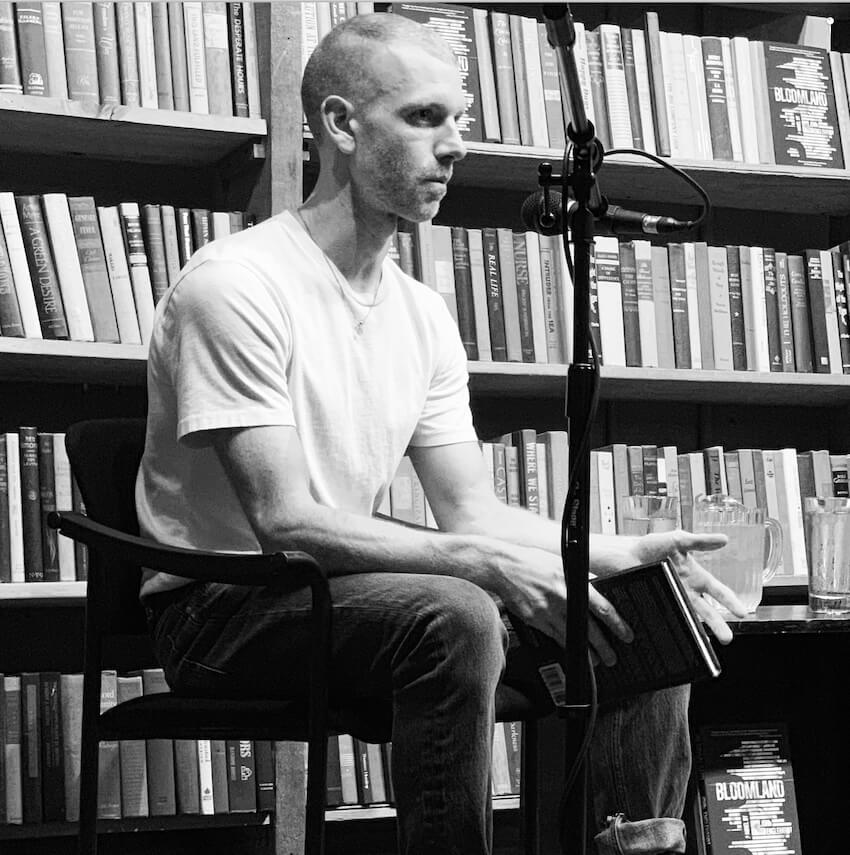
When I joined Seattle writer John Englehardt onstage at Elliott Bay Book Company last month for a well-attended book launch party for his first novel Bloomland, the very first question I asked him was “what’s your author origin story — were you bitten by a radioactive Faulkner?”
Set in Arkansas, Bloomland feels through and through like a novel in the southern tradition. Its cadence, its understanding of human nature — by which I mean it has a keen eye for how we behave both alone and in groups — and its complicated relationship with poverty and religion all resonate like a book by a southern author.
Englehardt admitted that Faulkner was a heavy influence on Bloomland. “When writing this book, I did go back to Absalom, Absalom! in particular. I love that book.” He especially found inspiration in the way that Absalom unfolds — “a kind of peeling back the onion.” That structure helped him figure out how to tell the story: “I really wanted to have almost everything up-front [in Bloomland]. Specifically, I didn't want to write a thriller or sensationalize the topic.”
About that topic: Bloomland is the story of what happens after a school shooting at an Arkansas university. When you take the sensitive subject matter into account and also consider the fact that It’s written in the second person, the book violates pretty much every writing-class warning in the instructor handbook. Those are two big danger zones for any writer, let alone a first-time novelist.
“I tried to write the novel a different way,” Englehardt admitted. “I tried to write it in first person. I tried to write it in third person. And it ended up not working out. It felt disingenuous.”
For Englehardt, the second person and the subject matter went hand-in-hand: “one of the biggest things I was trying to think about when writing this book was the issue of shared responsibility. So I became really drawn to the second person for the way it interrogates the reader.” By addressing the reader directly, he believed Bloomland could more clearly address “how our individual actions can be seen as complicit in a proliferation of mass shootings and ceremonial violence.”
And that’s where the southern regionalism came in. “There was something about the way I felt this particular story needed to be told that really required the richness and texture and layer consciousness and attention to the landscape of the south,” Englehardt said. He grew up in Washington state, went to school for four years in Arkansas, and it wasn’t until 2014, when he was finally back in Seattle, that he started to write about Arkansas. “When I was in Arkansas, I didn't write about Arkansas at all,” he said. “But I took notes. I had notebooks filled with Arkansas stuff.”
This week, a movie is being released by a major Hollywood studio that has been at the center of a conversation about art and responsibility. The director and star of Joker didn’t seem to stop and think about the ways that their work might be interpreted and celebrated by the alienated young men who are most prone to dramatic violent outbursts in America today. Did Englehardt feel a responsibility in writing about a school shooting?
“It's one thing I've thought about all throughout writing the novel,” he said. “And initially I didn't think I was going to write about the shooter. But then as I did more research and was thinking about the issue of shared responsibility, I realized that there are so many kinds of myths out there about what makes a mass shooter and about the social roots of mass shootings that we keep repeating every time one of these things happen.”
Englehardt listed those causes in a rote voice, the way we hear them listed on the evening news: “that they did this specifically because they had a mental illness, or because they were bullied, or because they were addicted to buying video games. I started to think it would be instructive and necessary to write from his perspective as a way to write against those myths — by not making him those things.”
One book that helped Englehardt the most in the writing of Bloomland was Sister Helen Prejean’s memoir of her time counseling a death row inmate, Dead Man Walking. “One of the biggest things she struggles with is the extent to which we are taught that to extend understanding and especially compassion towards someone who's done something unthinkable like murder is to betray the victims and to condone what they did,” he said.
In her book, Prejean suggests that we “can have understanding and compassion and treat someone like a human while also at the same time not condone what they did — not be their apologists, and not strike back at them, or elevate them. Sometimes when we declare someone as evil and declare them as a monster, it's a way of distancing ourselves from them.”
In the end, Englehardt concluded, distance is the worst thing you can do. “You know, this is the person that our community created.”
Dystopia with free two day shipping
Published October 1, 2019, at 12:00pm
A new futuristic thriller imagines what happens when warehouse workers conspire against the biggest online retailer in the world. Move over Big Brother, Alexa's taking over.
Let Seattle Be
(Side-scroll to see full lines)
Let Seattle be
Seattle, the place that was, and is, and will be
Seattle has become a home for me
among the shackled and the freeThe place where trees once stood
before there was a neighborhood
Seattle was the Cedar’s majesty
before the planes and glass spines scraped the sky
she was the mother in her children's eyes
before the hills were pushed into the sand
this was and is and will be the Duwamish landLet Seattle be
Seattle, a chief's name on foreign tongues
Seattle recognized and sung, by dolphins we call Killer Whales
before they too are gone — a sanctuary City, in a filled in estuaryLet Seattle be hope, in this hope broken land
a shelter and a refuge, a fist to stop a tyrant’s hand
Seattle, your tectonic faults are greatSee the last one leaving turn out the lights
See the home of War and the flight
See the Gold Rush and sourdough bread
See the Issei and the Nisei of the Panama Hotel, 7,000 gone by what the president said
See how Hooverville returns again and again
See old covenants of outside the International District and CD
See where no Asians and no Africans could be, how more than others we still live
without the treesOh gray blanket on the streets and in the sky
See the tents, the sweeps and totem polesSeattle, remember too the change you are and want to be
Listen to The Gang of Four
understand their Unity
Listen to The Gang of Four
notice what remainsWhen the soil of ourselves is pushed into the sand
What rises from the grains is in the People's hands
See Bob Santos in the International District See Bernie Whitebear occupy the Daybreak Star
See Larry Gossett CAMP to feed the people (no matter what the name)
See Roberto Maestra and El Centro De La Raza rising still againSay, who are you in the Salish Sea?
Pushed aside for prosperity
I am the Black River gone as the people cried
I am the Chinook dead on the side
I am the Orca carrying my child
I'm the gray whale beached at Alki
I am your neighbor
without shelter in the sandOh, but Seattle is mighty even with its broken dreams
Oh, Seattle is mighty when it looks in its own eyes
What city do you know that fights itself to undo its present harms
What city do you know that sounds its own alarms?
What city do you know that was raised by colonizers
that turns itself upon itself to put out ancient fires?This place, of wooded paths and parks
that must belong to all
This place, where we drink the water from protected Cedar Falls
This place, where race and social justice is built into the law
This place, where you are taught to understand the power of it all
The power of illusion that there are racial lines
The power of Illusion that's kept us all behind
But the strength of our ethnicity is celebrated here
SoSing what's right Seattle
over the heartless song
Sing the estuary where freshwater meets the sea
where Orcas must survive for our health and their dignity
Sing My Posse's on Broadway
Sing jazz on Jackson Street in wires
Sing Jimi Hendrix, what stars is in his Spangled Banner demand
Sing WTO, Black Panthers and the Women's March
Sing and Endangered song, Sing a whale's song, Sing
Sing Quincy Jones
Sing Ernestine Anderson
Sing Grunge and Hip HopSpeak tablets from the sky
Speak Octavia Butler and her brood in a futuristic mood
Speak Gabriel and Riz
Speak August Wilson, play out all the cycles
Speak Colleen McElroy with Madagascar lipsDance/color into the dark canvas of Winter
Dance Chihuly in two steps
Dance Jacob Lawrence and Debora Moore
Dance Dingus and Barbara Earle
Dance Kabby and Syvilla FortFeast on Forest of food from Beacon Hill
Become an Amazon for equity
with the sweet steamy foam of justice in our mouths — Come, All
Stand in the crossroads of the red, black & green
Stand in the rainbow of what has been
Celebrate this Emerald City and its Green New Deal
make a way for the poor and impoverished to healSING WHAT’s RIGHT SEATTLE
Let Seattle be
Seattle, the place that was and is and will be
Seattle has become a home for me
among the shackled and the free
amidst the resistance there must be
as the hills were pushed into the sand
Seattle will bring
must bring
Justice to our land
You can make a difference
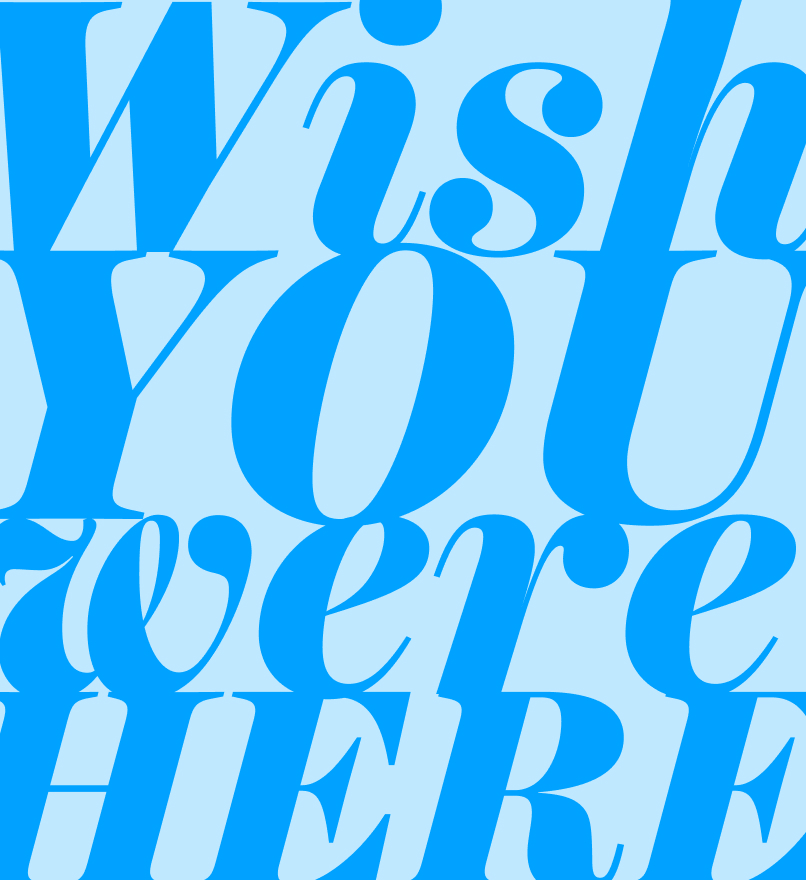
When you read a review on our pages, do you ever think about who paid the writer to pen it? When you see a poem, do you wonder who paid the poet for their work? The answer is you, sponsor. The Seattle Review of Books is funded by our sponsors, and that money goes directly into the pockets of the people we publish.
Those writers are our readers, as well. Writers, book lovers, booksellers, volunteers, librarians. Does that sound like the audience you'd like to reach with your book or event? Our readers are the diverse, engaged, and passionate book people of Seattle, and we love them.
Get your message out to the most passionate and engaged audience Seattle has to offer. Prices vary, but start low!
We can’t wait to see you here. Find out more on our sponsor page — or if you’re ready to dive right in, check out our prices and book right now.
Your Week in Readings: The best literary events from September 30th - October 6th
Monday, September 30th: For the Love of Men Reading
Vox journalist Liz Plank's new book investigates what kind of a future men have in a world of toxic masculinity. It's subtitled *A New Vision for Mindful Masculinity*. Those braying ninnies online who intrude into every conversation about feminism with cries of "but what about the meeeeeeen?" might want to tune in to this author conversation with *YES! Magazine*'s editorial director, Lauren Bohn. Impact HUB Seattle, 220 Second Ave S, 430-6007 https://impacthubseattle.com/, 6 pm, free.
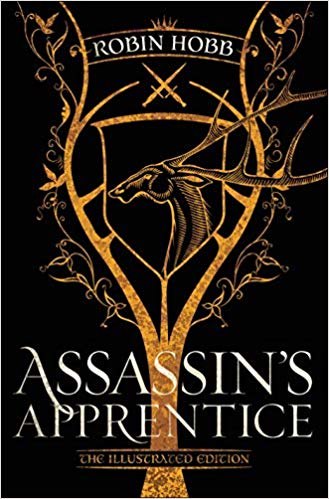
Tuesday, October 1st: Assassin's Apprentice Reading
The greatest sci-fi bookstore in town welcomes author Robin Hobb to celebrate the 25th anniversary edition of her first novel, Assassin's Apprentice. This is a hardcover deluxe edition of the fantasy novel, with illustrations by Magali Villeneuve and other bonus features. University Book Store, 4326 University Way N.E., 634-3400, http://www2.bookstore.washington.edu/, 7 pm, free.
Wednesday, October 2nd: So You Want to Talk About Race Reading
Seattle author Ijeoma Oluo will be onstage in conversation with Seattle author and director Charles Mudede to celebrate the paperback publication of her amazing first book, So You Want to Talk About Race. If you know someone who complains about people talking too much about race in America these days, you should give them this book; it's literally intended for them. It's a straightforward primer intended for curious people who want answers but were too afraid to ask in a public forum. Town Hall Seattle, 1119 8th Ave., 652-4255, http://townhallseattle.org, 7:30 pm, $5.
Thursday, October 3rd: The World That We Knew Reading
Alice Hoffman is a leading American novelist. Her latest book is about three women in Berlin in 1941 who stand against the Nazis. Hmmmmm. Whyever would Hoffman choose to write about this subject right now, I wonder? Third Place Books Lake Forest Park, 17171 Bothell Way NE, 366-3333, http://thirdplacebooks.com, 7 pm, $28 for a book and admission for two.
Friday, October 4th: Silhouettes of Ebony
La Sala Latinx Arts Collective presents three artists — Milvia Pacheco, Mirta Wymerszberg, and Leo Carmona — who will present a multi-disciplinary storytelling event honoring Black women from the Caribbean and Latin America. (Not to nitpick, but press materials call this a "pop-up event," which is a little precious. Aren't most literary events pop-up events?) Hugo House, 1634 11th Avenue, 322-7030, http://hugohouse.org, 7 pm, free.
Saturday, October 5th: Seattle Urban Book Expo
See our event of the week column for more details. Northwest African American Museum 2300 S Massachusetts St, Seattle, WA 98144 206-518-6000, 12 pm, free.
Sunday, October 6th: No Right Way Reading
Michael Niemann presents the fourth in his series of thrillers starring the character Valentin Vermeulen. It's set in the Middle East and focuses on ISIS in Turkey and Syria in late 2015.
Third Place Books Lake Forest Park, 17171 Bothell Way NE, 366-3333, http://thirdplacebooks.com, 6 pm, free.
Literary Event of the Week: The Seattle Urban Book Expo at the Northwest African American Museum
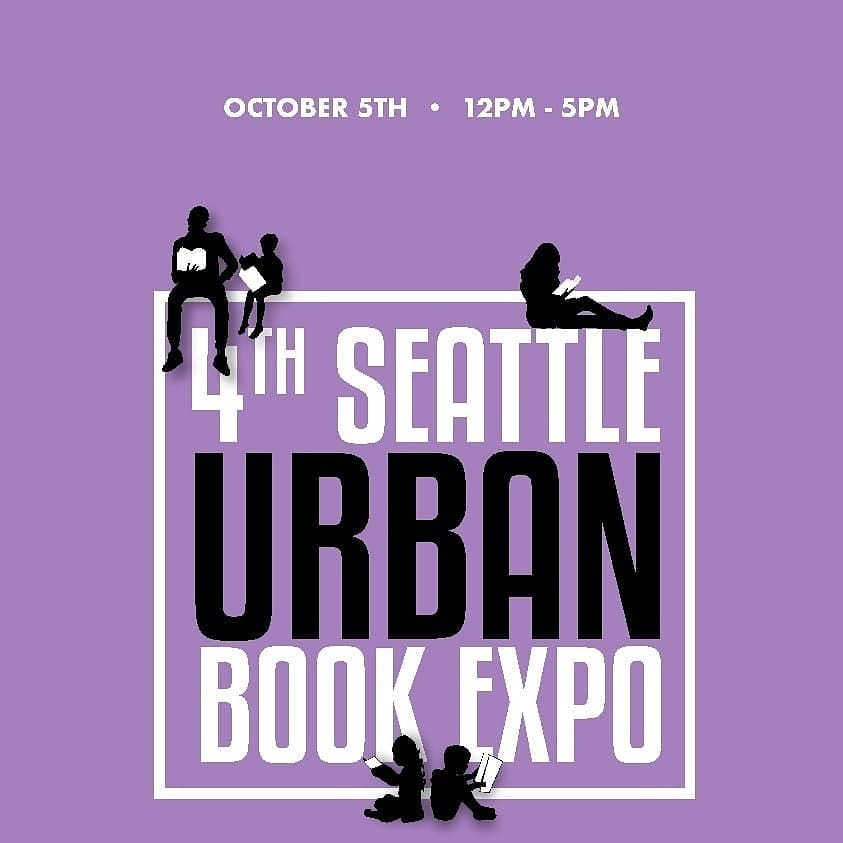
It's no mystery that we are big fans of the Seattle Urban Book Expo, which celebrates Seattle's Black and brown authors and publishers. We've attended the festival, we've interviewed founder JL Cheatham II, and we've written about Seattle Urban Book Expo authors.
But it comes down to this: if you love books in Seattle and you don't know the authors on the list of Seattle Urban Book Expo's attendees, you owe it to yourself to come on down and familiarize yourself with this important part of the literary community. We're big fans of Kamari Bright, who was the July Poet in Residence here last year, and we also recommend poets Rasheedah Roberson, Kiana Davis, and Cheatham, who published a new children's book this year.
Now that the event is entering its fourth year — it takes place this Saturday afternoon at the Northwest African-American Museum — the Seattle Urban Book Expo is enjoying a moment of maturity: it's been around long enough that it's a known quantity, but it still has room to grow. If you wanted to make your mark in the community, there's still a space for you.
This year's Expo actually begins a day early with two panels featuring Expo attendees discussing "their personal experience in book publishing, the importance of diversity in literature, and give advice to those who want to create their own work."
At a time when white people are moving into traditionally PoC spaces in Seattle, it's more important than ever to claim a time and space to talk about why Black voices are so necessary in Seattle right now. For three years, the Seattle Urban Book Expo has been devoted to exactly that: making space for voices to be heard.
Northwest African American Museum 2300 S Massachusetts St, Seattle, WA 98144 206-518-6000, 12 pm, free.
The Sunday Post for September 29, 2019
Each week, the Sunday Post highlights just a few things we loved reading and want to share with you. Settle in with a cup of coffee, or tea, if that's your pleasure — we saved you a seat! Read an essay or an article online that you loved? Let us know at submissions@seattlereviewofbooks.com. Need more browse? You can also look through the archives.
It was difficult to want to read anything this week. Today — yesterday, when this hits screens — I move out of the apartment I’ve lived in for 13 years; I move out of the neighborhood I’ve walked through for 13 years. I move into a house, into a house with my boyfriend, into my first house, with my boyfriend, with whom I’ve never lived.
Every book I own is in box, and my cats are very worried.
Reading up on cats and moves reminds me that they don’t comprehend “home” in quite the same way; for them, just changing the furniture up is a re-design of the universe. So the journey to a new house is like moving to an unknown continent. Involuntarily, after someone picks you up and shoves you in a box to do it.
When I worked at a wildlife rehabilitation shelter, I worked with terrified animals every day — animals who had essentially just undergone an alien abduction-type experience, swooped up by one of their largest potential predators, shoved into a tiny box, and force-fed, needled, drugged. It was impossible to forget, ever, the misery of it — the harm humans can do while correcting a human sin (a window strike, a car’s tires, the teeth of an outdoor cat). There’s a genre of books that reflects this tension with greater or lesser awareness, from Ring of Bright Water to Hawk. It’s impossible to touch the wild without giving pain. This is true even for wild animals that have become very used to domesticity.
All of which is to say that I’m taking a great deal of comfort and pleasure in Nicola Griffith’s sequence of blog posts on her new kittens. First: kitten pictures. Second: the addictively dry warmth of Griffith’s writing style, which is perfect for the nuance of kitten personality. Third: the respect and care Griffith offers the tiny balls of fluff. There’s something as strengthening in it as a sip of good scotch, or hot soup on an empty stomach.
Anyway, that is just to say that I’m enjoying it a great deal, and if you aren’t subscribed to her newsletter, you’re missing the kitten reports. And if you have any sort of uncertainty in your life, missing the kitten reports is a terrible shame.
Kitten Report No. 5
My main suspicion is that I’m not training Charlie and George, they are training me: hours and hours of play time a day, plus treatsies for playing, and endless comfy lap time afterwards. Oh, well. I’m getting a lot of reading done.
Other good reads this week
Actually, gender-neutral pronouns can change a culture
Using the pronouns people prefer is not only courteous, it can save you from looking like a fool to history! Win-win.
When William Safire wrote an “On Language” column for The New York Times about the still-nascent honorific Ms. in 1984, he was grudging at best. Marvel Comics had introduced Ms. (now Captain) Marvel, and there was even a feminist magazine called Ms. The influential Safire still groused, but he had an insurmountable problem. Geraldine Ferraro was running for vice president, and the Times’ inviolable house style insisted on an honorific. But it couldn’t be Miss. Ferraro was married. But she’d kept her own last name, so she couldn’t be Mrs. Ferraro. So Safire capitulated under duress. By 2009, when the new “On Language” columnist Ben Zimmer returned to the subject, the ruling on usage wasn’t even a question.
What the ‘crane index’ says about your changing city
The poetry and threat of the wingless cranes that dominate our sky.
As dots on a map, all cranes may look the same. But their impact isn’t indiscriminate. Even more than a construction tool, elegant wetland bird, and/or healing origami shape, cranes have become a synecdoche for transformation—telegraphing evolutions both personal and physical, wanted and unwanted.
Prachi Gupta on the loss of her brother, best friend, and sometimes political antagonist.
In the last year of his life, we had spoken to each other only twice over the phone. To each of us, the political was very much personal, stemming from wildly different responses to witnessing domestic violence within the deeply patriarchal culture of our Indian-American family. When he died, I believed that I didn’t know the facts of his life well enough to write his obituary. Worse, I feared that he wouldn’t have wanted me to write it. How do you write about someone you loved intensely, but didn’t really like?
Whatcha Reading, Michael Hobbes?
Every week we ask an interesting figure what they're digging into. Have ideas who we should reach out to? Let it fly: info@seattlereviewofbooks.com. Want to read more? Check out the archives.
Michael Hobbes is a Seattle-based journalist, writer, and supremely-talented untangler of our culture's messiest cultural hairballs. He is the other half (the first being Sarah Marshall, who did this column last week) of the most wonderful You're Wrong About, a podcast that absorbs every superlative I throw its way, and leaves me wanting to praise it still more. Let's just say it's really good and you should listen to it. Michael's bylines include Slate, NPR, Pacific Standard, The New Republic, and his primary home for long-form writing, The Huffington Post. An enjoyable, and enlightening, afternoon can be spent perusing his published articles.
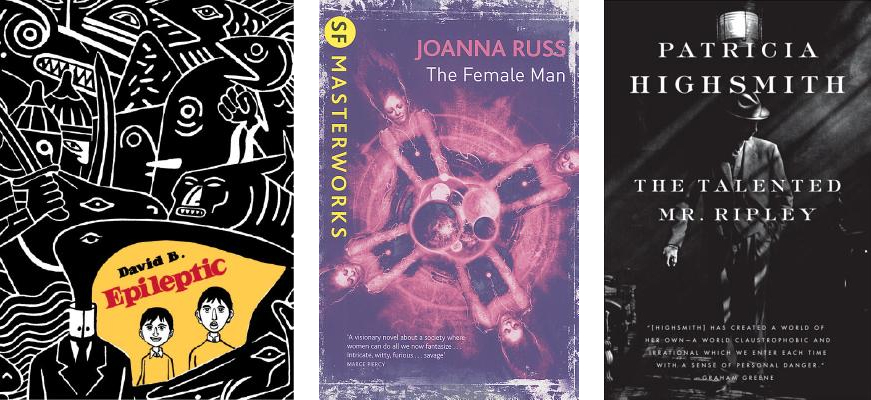
What are you reading now?
I've loved graphic novels since I was a kid. One of my favorite summer activities is buying one at a used bookstore, then sitting in a park and reading it all at once. The other day I came across David B’s Epileptic, which I read years ago and adored. I had given away my copy so I bought it again, biked to Greenlake and read about half of it.
It’s a memoir about a family trying to cure their son’s epilepsy. After they get frustrated with doctors, they start hiring psychics and subjecting their kids to weirder and weirder diets. Eventually, they join a cult and move into the woods.
The book takes place in France in the 1970s, but it's human enough to feel time- and place-less. Reading it, I kept thinking of the episode Trust Issues did last year on these resorts in Florida that advertise swimming with dolphins as a cure for autism. Parents pay thousands of dollars to get their kids a few minutes of swimming time. Many of them come away convinced that it works, but their kids didn't get enough. Or that their own behavior reversed the results somehow.
Epileptic tells this story from the inside. It's hard for people to come to grips with conditions they don't experience themselves, and even harder to accept that there's no 'normal' they can ever return to.
What did you read last?
Last month my book club read Joanna Russ’s The Female Man. It was published in 1975 and is considered one of the first feminist sci-fi novels. At the time, writers were starting to put female characters into science fiction stories, but their female-ness was often sidelined. Their actions weren’t explicitly informed by their experiences as women and their gender never led them to be angry or — gasp — “radical” in their political beliefs.
Russ was not having any of that shit. Her book takes place in four parallel universes, one of which is a utopia in which men have been wiped out and women live together in peace. The story begins when a character from this all-female Xanadu — an out lesbian, another thing Russ refuses to apologize for — visits Earth and starts pointing out all the ways the women there are being abused and belittled by men.
It’s a difficult book to read because it bounces around in time and dimension and character, but it’s fascinating for how openly angry it is. Later, Russ wrote a non-fiction book called “How to Suppress Women’s Writing.” It gives men all these rules for casting female artists as not-really female and their best work as not-really-masterpieces. Both books are 30-odd years old but they still feel urgent.
What are you reading next?
Speaking of old stories and gayness, I got super obsessed with the Thomas Ripley books this summer and can’t wait to finish the series.
I’ve always had a weird relationship with the story. As a teenager, I saw “The Talented Mr. Ripley” knowing nothing about it except that Matt Damon and Jude Law were hot on the posters. None of the movie’s trailers had indicated that it had any gay characters, so I thought it was a safe movie for me, a deeply closeted senior in high school, to suggest to my straight friends.
Most of the other people in the theater had apparently come in equally unfamiliar with the story. As soon as Tom started trying on Dickie’s clothes, the walkouts started. By the time Matt Damon (spoiler) killed Jude Law and embraced his dead body, probably a quarter of the theater had left. People were shouting at the screen. I was terrified my friends would suspect I was gay because I had suggested it. Since then I've never been able to rewatch it because it's always been this perfect little symbol of why I stayed in the closet for so long.
But then a friend suggested the series and I devoured the first two books. They’re amazing. They came out 44 years before the movie, so the homosexuality is a lot more subtle. Nonetheless, they’re a painfully specific portrait of the exact alienation I had experienced in that movie theater in 1999.
Tom feels profoundly alone; he falls in love recklessly; he changes locations and friendships and identities thinking he’s one change away from fixing the emptiness he feels. It was everything I heard when I interviewed therapists and experts on minority stress, but it’s a suspense thriller written when Dwight Eisenhower was president. It’s so magical to feel a connection to the past through fiction like that.
So anyway, I need to finish the series! I also need to try watching the movie again. Partly because I’m ready to revisit that part of my life but mostly because I still think Matt Damon and Jude Law look hot on the poster.
The Help Desk: I reject your rejection
Every Friday, Cienna Madrid offers solutions to life’s most vexing literary problems. Do you need a book recommendation to send your worst cousin on her birthday? Is it okay to read erotica on public transit? Cienna can help. Send your questions to advice@seattlereviewofbooks.com. Cienna is on her annual Fall spider quest, this column is a re-run from 2016.
Dear Cienna,
I received the worst rejection slip from a literary magazine in the mail the other day. It was a form letter with check boxes, and at the top it said “NOT ANOTHER…” and then there were a series of options for the editor to check off: “…poem about alcohol,” “…short story about horses,” that sort of thing. My checked box said “…memoir about mothers and daughters.”
Cienna, I’m more than a little annoyed about this. There’s a lot more to my piece than my mom’s death, and I think the response is a little bit condescending and, yes, sexist. My friends mostly say I should be happy I got a response at all, but that snotty little checkmark haunts my dreams. Should I blog about this rejection letter experience, or would I just look like a bitter freelancer?
Luann, Rainier Valley
Dear Luann,
I’m sorry, that is both disappointing and unnecessarily catty. Anyone worth their salt — or the salt of your tears — should have the decency to be both honest and kind in their rejection. Like this:
I hope that letter helps put things in perspective. And yes, when in doubt you should always blog about your feelings. The internet is a carpetbag of freaks and wonder; someone is bound to find your insights helpful. Where else could I find a support group of fellow spider lovers struggling to discipline their out-of-control teens AND sweet discounts on Spanx?Dear madam,
Thank you for your submission. Your piece was raw and moving, and I encourage you to continue submitting to other publications. Unfortunately, it doesn’t fit with the tone of our magazine so we have to pass. You see, we are a literary magazine and thus we have a high bar to uphold in terms of both quality and content for our reader. From the feedback we receive, we know our reader is sophisticated, she enjoys sleepy short stories about the middle class in which nothing more startling happens than a blink. She is also a deep thinker who hates poetry and horses, and who happens to resent her own mother, which is why your story simply won’t suit (unless your mother’s death could be rewritten as more of a comedy?).
You may have noticed that literary magazines are experiencing something of an ecdysis, like when a snake sheds its skin only to reveal a dead snake underneath. Imagine a carpet of dying, molting snakes. In the literary world, we call this a “niche market.” In this niche market it pays to pander to our loyal audience of reader, and right now we’re niched so tight we can hear each other’s dying heartbeats. To mix a few metaphors, we are niched to the hilt. To Hell and back. I’m sure you understand we must keep our reader happy. Keep writing!
Fondly,
XXXXXXXXXX
Kisses!
Cienna
Mail Call for September 26, 2019

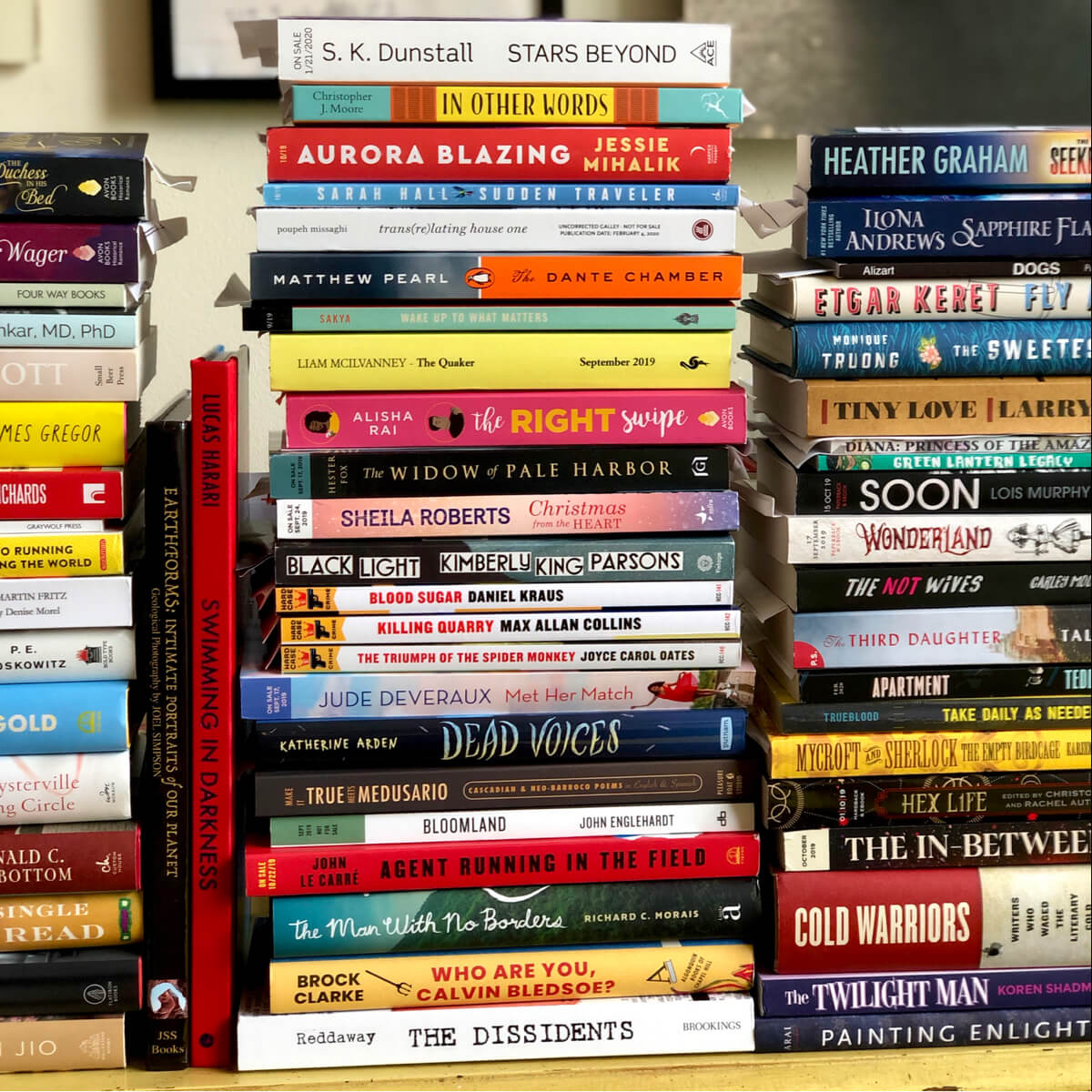

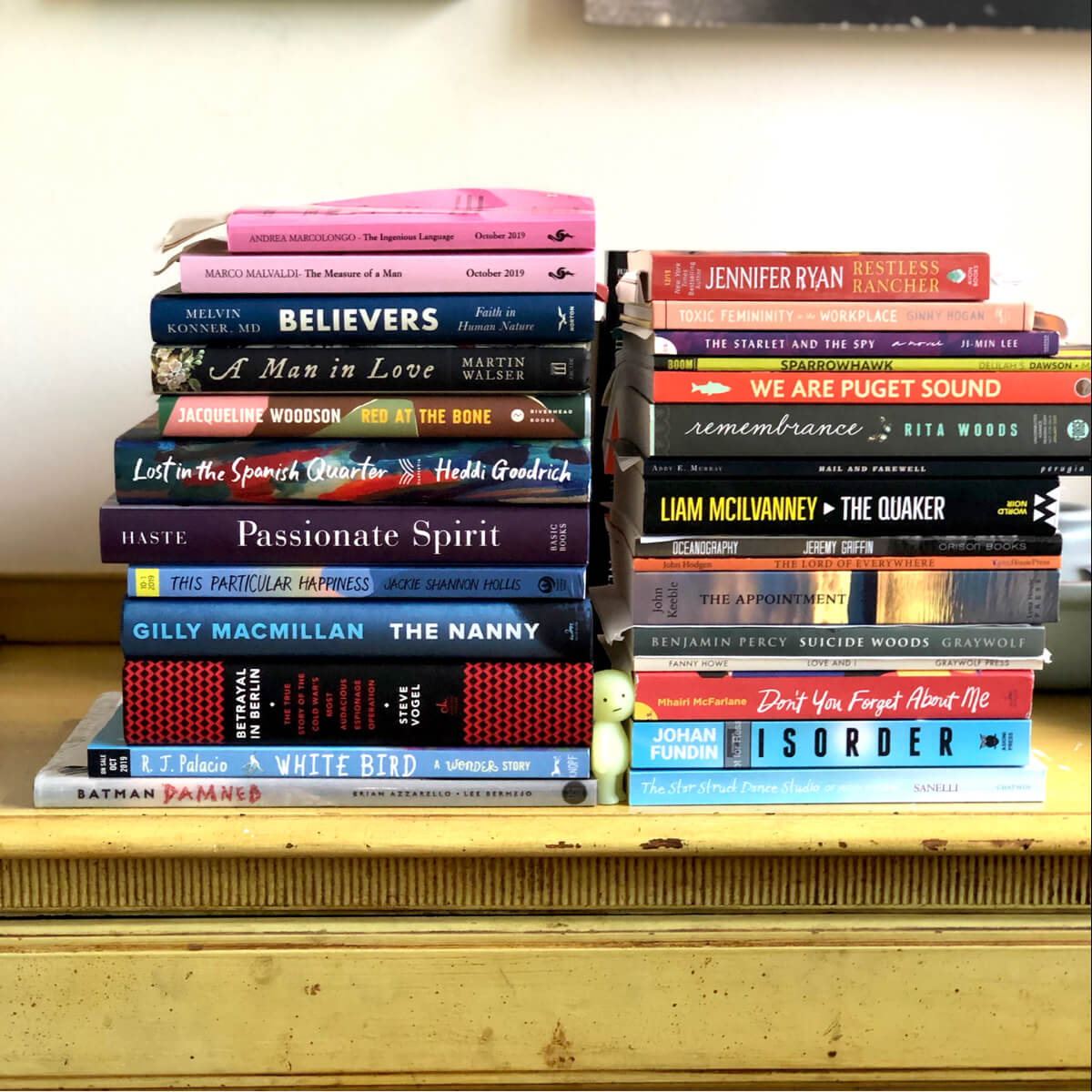


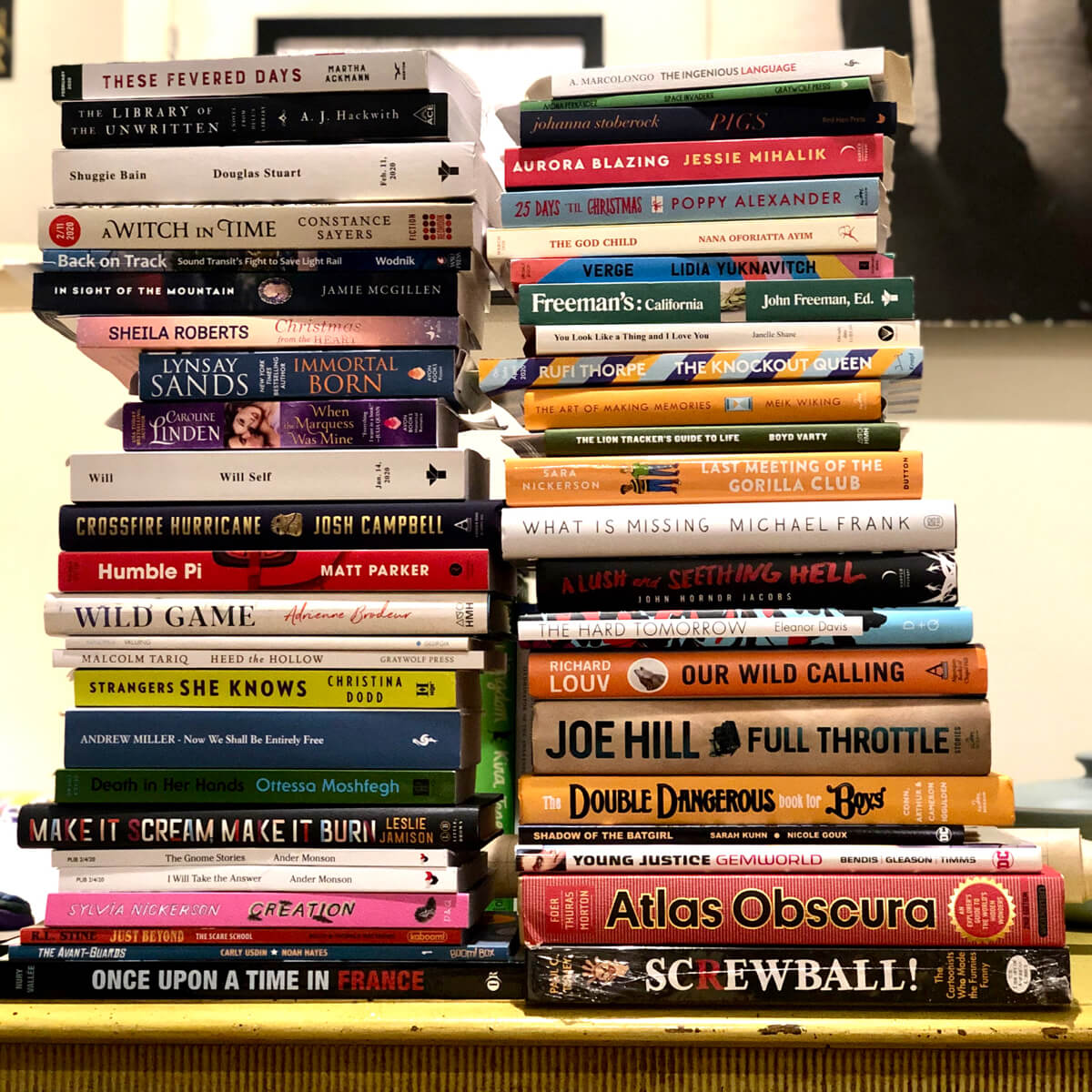
The Seattle Review of Books is currently accepting pitches for reviews. We’d love to hear from you — maybe on one of the books shown here, or another book you’re passionate about. Wondering what and how? Here’s what we’re looking for and how to pitch us.
The Portrait Gallery: Seattle Children's Book Festival
Each week, Christine Larsen creates a new portrait of an author for us. Have any favorites you’d love to see immortalized? Let us know, or see if you can find them in the archives.
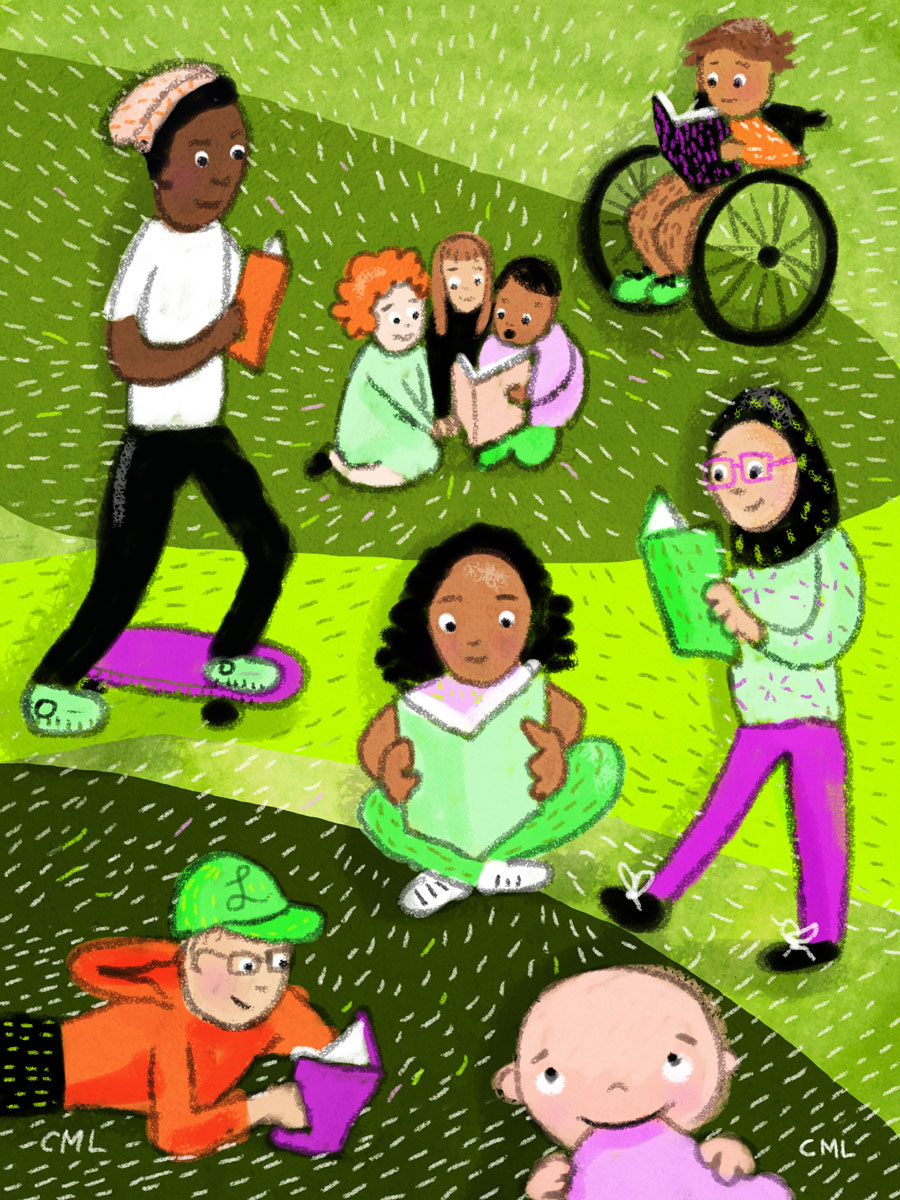
Saturday, September 28th: Seattle Children’s Book Festival
See our Literary Event of the Week column for more details. Greenwood Elementary School, 144 NW 80th St, 11 am, https://www.seattlechildrensbookfestival.com/
Criminal Fiction: September unfurled
Every month, Daneet Steffens uncovers the latest goings on in mystery, suspense, and crime fiction. See previous columns on the Criminal Fiction archive page
Reading around: new titles on the crime fiction scene
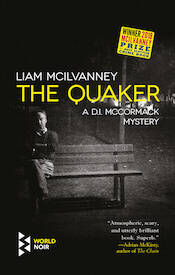
In late-1960s Glasgow, someone is killing women after picking them up at the popular Barrowland dancehall. Based on the infamous real-life mystery of the Bible John killings, Liam McIlvanney’s The Quaker (Europa Editions) follows the chilling murder investigation, primarily from the point of view of one DI McCormack who’s been brought in to review his colleagues’ work on the case. The proverbial outsider – in more ways than one – McCormack has a keen eye and a willingness to think far outside the investigative box, especially when whiffs of police corruption arise. When his own pursuit of the unknown suspect intersects with a major jewelry heist, the stage is plausibly set for manhunts, red herrings, and explosive denouements galore. A beautifully crafted police procedural, The Quaker doesn’t just locate its humanity in McCormack’s personal story: McIlvanney’s inclusion of the voices of the murdered women imbues the narrative with a quietly affecting, indelible sensation.
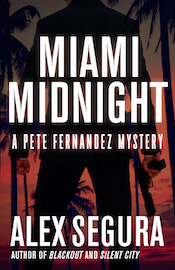
Erstwhile private investigator Pete Fernandez leaves another memorable mark on the city of Miami in Miami Midnight by Alex Segura (Polis). Still recovering from a near-fatal brush with violence – and still pining after Kathy who is now engaged to another – Pete is reluctant when a new customer comes calling, particularly as the customer is a high-profile city gangster. As we dive even further into Pete’s chequered and deceptive past, the worlds of art, drugs, jazz clubs, and gambling intersect, and Pete finds himself, once again, immersed in a seemingly Sisyphean challenge to bring his world to right – and survive. As with Segura’s previous novels in this series, terrifically telling musical, literary, pop-culture touches and details abound: I particularly enjoyed the not-so-mysterious femme fatale with a pleasingly sophisticated taste for thrillers.
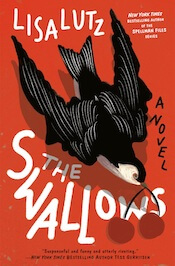
Something is definitely rotten on the campus of a New England prep school in The Swallows by Lisa Lutz (Ballantine). Alex Witt, the newest faculty recruit at Stonebridge Academy, thinks she’s uncovered a super-secret society through her creative-writing assignments, something, perhaps, to do with an exclusive clique of popular students. Maybe it’s just the usual clique-y cattiness? Nope, guess again. Shades of an early incarnation of a major social-media platform darken this novel in which rifts of sexism and corruption run like powerful fault-lines under the isolated campus and its supposedly sleepy Vermont town. In a tale that manages to be both scathing satire and also wholly realistic, Lutz elegantly renders a riveting cast of characters – students, faculty, protagonists, and all – within a “Holy cow! What’s next?!” plot that just won’t quit.
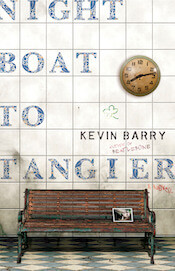
In Kevin Barry’s Night Boat to Tangier (Doubleday), two aging, careworn Irish drug smugglers cosy up to the bar in a seedy Spanish port, hoping to locate a young woman – one of their daughters, in fact. Maurice Hearne and Charlie Redmond have worked and tangled with each other over a lifetime of lucrative criminal activities, crippling addictions, and broken hearts; now, they wait, on the lookout for Hearne’s runaway daughter. As they wait, they mildly terrorize a young man who seems like he might know Hearne’s daughter, and they talk. And talk. Barry’s is a starkly descriptive tale that thrives on dialogue and shimmers with canny and cunning details: one suspenseful scene, for example, takes place in a late-night shebeen, aptly named the Judas Iscariot. A raw and riveting story that mines the tumultuousness of recent Irish history and the vagaries of organized crime – exposing the former’s vulnerabilities, and throwing the latter’s utter heartlessness into naked relief – Barry’s immersive novel contains crimes-a-plenty, yes, but the narrative is pure poetry.
The Quintessential Interview: Attica Locke
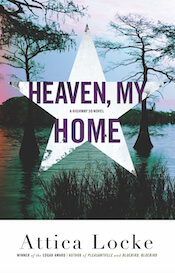
It’s the welcome return of Darren Mathews, Texas Ranger, in Attica Locke’s Heaven, My Home, in which, during the turbulent aftermath of the 2016 election, a missing nine-year-old gets Mathews inextricably entangled in the history, politics, and racial schisms in Jefferson, Texas, and the nearby settlement of Hopetown: “…something had rooted [Darren’s] boots in place, some bits in this story that didn’t add up, that played like Russian nesting dolls – open one mystery and find another and another and another and another.” Curious characters and unsavory suspects keep Darren on his toes in this twisted, teasing mystery, but the most salient voices in the book are the ones in Darren’s head, those of his uncles, William and Clayton, whose different belief systems play themselves out in Darren’s sometimes-conflicted heart and mind.
What or who are your top five writing inspirations?
Lightnin' Hopkins. My family. East Texas. Politics. Weird and/or broken people.
Top five places to write?
My office. My bed. The big yellow chair in my den. The armchair by the window in my living room. Pasadena Central Library.
Top five favorite authors?
Toni Morrison. Pete Dexter. Larry Brown. Jane Smiley. Curtis Sittenfeld.
Top five tunes to write to?
"Don’t Ever Let Nobody Drag Your Spirit Down" – Eric Bibb. "Tom Moore Blues" – Lightnin’ Hopkins. "You’ll Never Walk Alone" – Aretha Franklin. "Bridge Over Troubled Water" – Aretha Franklin. "All Around You" – Sturgill Simpson.
Top five hometown spots?
Hermann Park. Half Price Books. Irma’s. Whataburger. Project Row Houses.
Thursday Comics Hangover: The old New Mutants
For me, the most impressive part of the Marvel Comics exhibit that was on display at MoPop's Marvel: A Universe of Super Heroes exhibit last year wasn't one of the movie costumes or a human-sized statue of a Marvel hero. No, the thing that immediately captured my imagination was a piece of art by Bill Sienkiewicz, the abstract comics illustrator who worked at Marvel in the 1980s. It was a New Mutants promotional poster from 1984, and it was a little bit like seeing a Jackson Pollock in person.
The art featured the New Mutants, a young team of X-Men understudies, and their villains in classic superhero pin-up style. But there was another dimension to the work — literally. This wasn't a flat illustration. Sienkiewicz had splattered layers of paint on the Bristol board, giving it actual depth, and he had glued actual circuit boards to the artwork, reflecting the villain of the piece — an evil technological organism from the stars called The Magus:

Standing before that Sienkiewicz art wasn't just a nostalgia trip, or an amusement-part thrill, It deepened my appreciation for an artist who meant a lot to me as a kid.
I always loved superhero comics, but the book that opened up the ideas of what comics could do as a medium was New Mutants. Written by longtime X-Men author Chris Claremont as a spin-off of the main title, the book was a mostly unexceptional series about young heroes until Sienkiewicz took over the art duties. His work, which didn't share the obsession with realism that most 80s comics artists single-mindedly pursued, pretty much exploded my young mind.
Sienkiewicz's drawings are consistently expressive and moody and surprising and energetic. Once he got onto New Mutants, Clarement began to up his scripting game to match the artwork: the stories became weirder, more interior, more full of enormous ideas that 9 out of ten comics artists couldn't begin to figure out how to illustrate. The team worked together for a couple years, and then moved on to other work.
Yesterday, as part of their ongoing 80th anniversary celebration, Marvel Comics brought Claremont and Sienkiewicz back together for a one-shot. New Mutants: War Children is a story that is intended to evoke the brilliant Sienkiewicz/Claremont run on the title. It's kind of like a greatest hits album: the story evokes many of the themes and tics of the 1980s series (fear of growing up, anxiety about friends seeing us as we really are, obsession with bodily transformation) in a self-conscious way.
Of course, no artist draws the same after a quarter century has passed, and Sienkiewicz's art is no exception. The art in War Children is a little less punk rock and a little more jazz: the story pauses for big full-page illustrations where Sienkiewicz can position characters into cool poses, and the cinematic storytelling has given way to long series of tight close-ups to show characters' emotions. It's not better or worse, just...different.
Both Claremont and Sienkiewicz are having a lot of fun here. The artist throws in a beautiful Ditko homage, and Claremont seems to be poking fun at his exposition-heavy script from way back when. The story is nothing more than a reprisal of two or three villains who menaced the New Mutants team, with a lightweight threat that gets resolved and squarely packed away in the single issue.
New readers will likely be befuddled by War Children. But for people like me, who found those New Mutants comics to be weirder and more enticing than any other books on the wire racks at the Rite Aid, it's is a magnificent reminder of what it felt like to see two disparate talents create a new magic by filtering their work through the lens of each others' gifts.
2001 is always in the future
As part of their fabulous 70 mm film festival, Cinerama is showing several of film history's most gorgeous movies. Even if you're somebody who can't ordinarily tell the difference between a digitally projected movie and a movie shown on film, a 70 mm film at the Cinerama is an absolute delight. And perhaps no movie is a better example of what the Cinerama does best than Stanley Kubrick's 2001: A Space Odyssey. It screens this Friday and again on Sunday night as part of the festival.
If you've only seen 2001 on TV or — choke — a laptop screen, you are missing a true cinematic experience. The film's analog special effects are more convincing than just about any digital effect you've ever seen. The designs are gorgeous, the story is thought-provoking, and the slow pacing of the story is hypnotic. Put simply, there's more thought put into each square inch of 2001 than just about any other film.
Last week, I listened to an audio book version of Michael Benson's Space Odyssey: Stanley Kubrick, Arthur C. Clarke, and the Making of a Masterpiece. (I listened to a download from the Seattle Public Library, though you can also buy a copy of the audiobook from your local independent bookstore through Libro.fm.) It's a bracing account of the making of one of the best movies in the history of film.
2001 began as a collaboration between Kubrick and Clarke — the novel 2001 was conceived by both the director and the novelist, and written, in a unique circumstance, as kind of a pre-novelization of the motion picture. Both men were at the height of their powers, and they egged each other on into making the film bigger, more portentous, higher-concept.
Benson's account of the making of the film tracks 2001 from its very first conception through its release, and it's a loving biography. Kubrick is a complicated character; some accounts portray him as a merciless asshole while others position him as more a tortured genius. Benson falls somewhere in the middle: the interviews he relays in the book argue that Kubrick is so detail-obsessed that he's almost impossible to work for, but most people understood that this difficulty was the price you paid to take part in something great.
To hear Benson tell it, just about everyone involved with the making of the film — from the least respected assistant to the underpaid Clarke to the terrorized prop manufacturer — seemed to understand that they were working on something special: a sci-fi film that was "serious" and tackled adult ideas with respect and intellectual rigor. Surely, some of this can be waved away as the glow of hindsight, but even the contemporaneous accounts — mostly letters from Kubrick and Clarke — indicate that 2001 was always warm from a heat of genius.
Space Odyssey is a great book to listen to as you're walking or bicycling around; the stakes are low, the characters are interesting, and the book is packed with bizarre anecdotes about the lengths the two men went to bring their vision to life. And by the end, you'll be filled with an insatiable desire to watch 2001. In other words, it's the perfect audiobook for this week in Seattle, when the best movie theater in town prepares to show what many argue is the best movie of all time.
Let Christopher Leonard take you on a tour of Kochland
Christopher Leonard's book Kochland is a remarkable piece of journalism that digs deep into the secretive lives of the Koch brothers. It's a corporate biography of Koch Industries — from its first busted union to its worldwide domination — and a biography of Charles Koch and a map of the labyrinthine political action organization founded by the Kochs. If you'd like to understand why we're in the mess that we're in, you can't really find a better guide than Kochland. It outlines the corporate and political abuses that created our modern world. I interviewed Leonard onstage at Town Hall early last month, coincidentally just a couple of weeks after David Koch died. What follows is an edited transcript of our conversation.

Thank you for writing this book. I really enjoyed it. It's a really interesting way of looking at a lot of the problems that are coming to a head in America right now. I’m very interested in how you decide you want to devote a whole book and the better part of a decade of your life to this subject.
The most important thing is not knowing what you're getting into at the beginning. I started in late 2011. I've been a business reporter for 20 years now, and at that time I had a lot of pretty profound concerns that were really bothering me — stuff I wanted to write about, stuff I wanted to do and explore. I had this a-ha moment that Koch Industries was the perfect canvas to paint on, through which I could explore all of these things. I realized early on that I could put my head in this for what I thought was going to be three years, because the company is so diversified and so widespread.
First of all, this corporation is enormous, right? It's gigantic. Its annual sales are bigger than that of Facebook, Goldman Sachs, and US Steel combined. But what really draws me to it is that this company specializes in the kinds of businesses we need to survive, but that we don't like directly interact with everyday. There's no Koch brand name on this stuff, but — not to sound hyperbolic — it is all around us. Koch makes the fuel we use to drive everywhere we go. They work on the pipeline systems and natural gas systems that deliver a lot of the electricity we use. They make the carpeting material and the synthetic fibers in our clothing. They make sensors in our phones. They make nitrogen fertilizer, which we don't think we buy, but it's literally the bedrock of our food system.
So the company’s hugely embedded in our entire economic system. And so what that means when you write about it is you're writing about blue-collar manufacturing workers on the factory floor, you're writing about high-flying finance, trading derivatives and commodities and the whole Wall Street thing that has become so important in America, you're writing about corporate lobbyists who are shaping our public policy—all within the framework of this one company.
One more thing that I didn't even realize at the beginning was the other thing that made this company such a great subject was the person at the very top, Charles Koch, who’s been literally the unquestionable authority over this organization for 50 years. Charles Koch became CEO when Lyndon Johnson was president. I don't know if any other CEO in America has had the job that long. He has this incredibly rigid, very extreme worldview — I think ‘extreme’ is an okay word to use. He'd probably use it himself. And he represents one extreme pole in this huge and bitter debate we're having in our country right now, about what role government can play. He believes we need to have this free-market utopian libertarian thing, and he spent his whole life trying to reshape America to be in that image. So it really crystallizes this debate we're having in the country.
Charles Koch is a private person, and writing about him must've been a challenge. Did that contribute to the time that the book took to write? Because you paint a pretty full portrait of somebody who is not a very open person.
Yeah, that definitely contributed to it. It was like crawling over glass — I'm not even going to lie. The company is privately held, so they don't have to disclose financial records or much of anything. And then they have a deep baked-in culture of secrecy. It's an extremely insular organization. That's where the word “Kochland” first came from. The first time I went, in 2013, I could drive right up to their headquarters. After that they renovated the campus, and part of the renovation was they added a 10-foot-tall wall around the north side. So the next time I went in, it was literally like entering a fortress. It was so telling about how insular and self-contained this place is. People don't want to talk about it and people don't want to talk about Charles Koch without his permission.
So, yes, it took years of flying to Wichita and knocking on people's doors. It took two years to convince one person to go on the record in the book. It took a lot longer than I thought. But, you know, as a reporter, that, to me. is really a story worth telling — it’s not the stuff that is publicly flaunted. I'm not saying that everything the public relations industry puts out there is not true, but we are so inundated with the story that people want to tell us: messaging, messaging, messaging all the time. It was really gratifying to tell a story that is being intentionally held secret.
And if I could add one quick thing to talk about the secrecy: It's not all nefarious James Bond villain-type secrecy. The book opens in 1981 when these bankers from Morgan Stanley fly to Wichita and they try to convince Charles Koch to take his company public. He would have gotten a $23 million bonus that night if he did it, which is like $60 million today. And he sent them packing. He turned them down flat. They couldn't believe it. There were a lot of reasons, but one of the things that caught my eye is he told these bankers, ‘if we go public, people are gonna learn how much money our commodities are making. And if they know how much money our traders are making, they're going to stop doing business with us.’ And that was so illuminating to me about why this company is so private and secretive. Their strategic DNA, and the way they make money, and the way they succeed, is by knowing more about the world than anybody else knows, and exploiting their knowledge and acting faster than other people can act. And when that's a strategy you have, you don't want people to know what you know and you don't want people to know what you're about to do. So yeah, the secrecy is deeply embedded in the whole culture.
Obviously the secrecy is his success as a businessman. But it seems like as much of a free marketeer as he is, as a libertarian, he seems like the kind of person who would be a big believer in shareholder value as a driving force for the free market. So it seems almost sort of hypocritical to me for him to keep his business private. Am I reading his libertarianism wrong?
He really is a big believer in shareholder value. And the thing is, there are two shareholders. David and Charles Koch owned 80 percent of this enterprise, and Charles Koch drilled into his people: ‘What you need to be thinking about is return on investment, return to shareholders’ — meaning David and Charles. He does believe in that.
And I'll tell you, you're pointing at a really interesting element of libertarianism, I think: when you hear the word libertarian, you think transparency, competition, markets, democracy, freedom, voting. But it's more complex than that. Charles Koch was born in a hyper-political family. His Dad, Fred Koch, was one of the cofounders of the John Birch Society, and that's a secret right-wing organization that believed the federal government was infiltrated by communists and that it a Trojan horse of tyranny.
That's the political conversation at the Koch dinner table, right? And so he’s got four sons that all seem to have absorbed that. But then Charles, as he grows older, he goes to college, he gets multiple engineering degrees from MIT. He’s a smart guy and he starts reading these Austrian economists like Ludwig von Mises and Hayek, and he starts thinking, ‘I have discovered the blueprint of how human societies ought to work.’ Or not just how they ought to work, but how they do actually work.
So Charles Koch believes in this very pure market system that can't be tampered with by government. That means it is wrong for voters to pass a program like Social Security that takes money from productive citizens like Charles Koch and gives it to unproductive citizens like Chris Leonard. because what you're doing is you're taking capital from the sources that generate it and you're giving it to non-generating forces. So the whole picture of libertarianism isn't quite as neat and pretty as everybody has the right to vote and everything needs to be transparent. I think the central thrust is markets need to be allowed to operate. Corporations need to be allowed to operate in an unfettered way.
David Koch wasn't the brains behind the operation, but he passed away a few weeks ago. That was obviously momentous. Could you talk a little bit about what you think that might mean for Kochland, for Koch Industries?
Okay. So we're here on a Friday night. I'm just going to be brutally honest with everybody: David Koch was not strategically important to Koch Industries or to the political network. As I mentioned, I flew to Wichita and was reporting on this for years, and I got these former people who built the Koch system to talk to me in their living rooms, in their basements, and we talked for hours. David Koch's name doesn't come up when you talk to these people. It really is all about Charles Koch.
There were four sons. Two of them leave the business in this huge contentious thing. And then David and Charles come to a truce. They split the shares 50/50. It was probably the most consequential decision David Koch ever made in his life — to hitch his wagon to Charles. And then David Koch went and lived the more public life. He went to New York City. He has his name on museum wings, he gives the speeches at Americans for Prosperity, their political group, he gives speeches at events. Charles Koch is the one who stayed back home in Wichita and just diligently, quietly, patiently built this massive corporate empire.
I guess all I would say is that David Koch's passing was super-sad for his loved ones and for his family, and yet it won't have a strategic or operational impact on the corporation or the political network.
This might sound like pop psychology, but I'm trying to get into where Charles Koch is coming from, here. When David Koch died, there was a fair amount of a celebration on Twitter from the left. And it caused me to wonder if Charles Koch realizes that people will do that when he dies eventually. I guess I'm wondering if Charles Koch thinks of what other people think of him. Is he aware of the fact that a lot of people in this room don't like him? And, does that matter?
He is aware that a lot of people in this room don't like him.
I mean, I'm making an assumption that people in this room don’t like him.
Let's make that assumption. Any room I talk in, that’s fair to say.
I'm not kidding: I think he feels sorry for people who dislike him. He is not a man plagued by self-doubt. He really thinks he has figured it out. I interviewed people who worked with them for decades — and I'm thinking of this guy, Brad Hall, who was a senior executive. He went to shake his head at me because I had these poisonous socialist ideas like that the New Deal was a good thing. He would just, say ‘God, Chris, they really poisoned your brain and elementary school.’
So I think within the system, inside Koch Industries, Charles Koch is seen as a hero. He stood up and put his head above the trash. He stuck his neck out. He tried to advocate for views and principles that the people in that organization really believe in. And he took flack and he took heat and he took attacks. And I will say, I talk a lot about that wall they built around campus as this kind of crazy metaphor for how insular they're becoming, but they face some intense death threats—vitriol, anger. It's a very real thing. But I don't think that it makes him doubt himself.
There are a lot of jaw-dropping sentences in this book, but there were, uh, three sentences in this book that floored me, so I'm just going to read the three sentences for you: 'When they were children, Bill Koch hit his twin brother David in the head with a polo mallet, leaving a permanent scar just behind David's ear. Later, Bill stabbed David Coke in the back with an African sword from their father's collection at the family compound, leaving another scar. David forgave his twin brother for both attacks.' So my question is: What the hell?
There were four Koch brothers and we mentioned the dad, Fred. Charles Koch describes his father in these euphemistic terms. He was larger-than-life, overbearing. The guy drove his sons intensely. He made them literally box with each other, fight with each other. And you saw very fierce competition between these brothers: you had Freddie Koch, who was the oldest, and he was just out from the beginning: ‘I don't want anything to do with this. You people are crazy. I'm out of here.’ He went to New York very early, never came back.
Then he had Charles, who dad sucked in to take over the business, basically. And then you had these twins, David and Bill. Bill was always just a walking psychotherapy session all the time — talking about how horrible his father was, how much he hates his brothers. He's been attacking his brothers since he was a kid. Those are anecdotes from David and Bill about the attacks, the physical attacks on David Koch.
Bill Koch waged a war against David and Charles for 20 years. He tried to get Charles fired. Bill tried to take over the company. He could never accept Charles’s authority. He sued them. He employed armies of lawyers. He employed detectives to dig through Charles Koch's trash. He employed people to pose as reporters. He tried to plant terrible stories about Charles in the press. There’s some deep, deep psychological stuff here.
And I think it comes back to a domineering father making the children compete. And I don’t want to get into pop psychology, either. Most of this book is about the decline of labor unions and things like that. But there's a scene at the end in which the question is: why does Charles Koch work so hard? He's 83, he still gets to the office before the sun comes up. How much money is enough? What drives this guy?
In my mind, an important scene at the end of the book is that you've got this bronze bust of Fred Koch outside Charles Koch's office. And every day when Charles Koch walks into the office, he walks past it. And now at the age of 83, Charles Koch has essentially surpassed his father in every field. His dad printed these old pamphlets; Charles Koch has one of the most influential political networks in the world. His dad built a business that was kind of a hodgepodge of businesses; Charles Koch unified it, blew it up, turned it into a corporate Goliath. I think that it’s incredibly significant that, that he has essentially surpassed as father. I think that was what drove a lot of the psychodrama that you just described as well.
So why didn't Koch Industries invest in alternative energy at some point rather than fight so hard to keep the fossil fuel industry in a stranglehold? At some point, doesn't it make better business sense to diversify and branch out into these up-and-coming fields?
No, no, no. And I've asked myself that question a lot. They are just sitting on all this cash. They have all this money. Why aren't they just pivoting into wind and solar?
So, momentum matters a lot. Charles Koch took over the company in 1967 when he was 33 years old, and the most important asset that he inherited was an enormous crude oil gathering system. Koch at the time was the largest gatherer of crude oil in the United States. Critically, they owned a huge stake in an oil refinery up in Minnesota, and Charles Koch’s first move as CEO was to purchase that entire refinery.
And it sounds silly to talk about one oil refinery, but this is the Pine Bend oil refinery in suburban Minneapolis. And it's amazing how much money you can make by owning one oil refinery. The economics of the oil refining business is astounding and crazy to me, and it’s such a big story about regulatory dysfunction in the United States — but let's leave that to the side for the second. He bought that oil refinery that generated billions in profits for them over the years. They buy another oil refinery. They own fossil fuel pipelines. They own natural gas pipelines. They own natural gas refineries.
So let's get up to the year 2009, when Barack Obama is president and a Democratic Congress is talking about regulating greenhouse gas emissions. What does that mean for a company like Koch that owns all of these massive actions? Well, here's what it means. The company has billions of dollars sunk into the physical infrastructure of our fossil fuel segment — the refineries, the pipelines, the shipping channels around the world where it's buying and selling leases for super tankers of oil. All of it.
That's some investment. There’s billions in this physical infrastructure. Then you've got to account against that: the flows of crude oil that will go through this infrastructure every year for the next decade, two decades, and three decades. That's a lot of money. A lot of money. Now let's think about what happens if we pass a law that caps greenhouse gas emissions, and demand for fossil fuels starts to go down and alternative sources of energy like solar and wind rise. All of a sudden the value of those assets you own is going to go down. The cost is truly in the trillions. You lose trillions by writing down the value of those assets and by losing that future revenue. There’s money on the table here that's difficult for normal people to conceive. And I think that that's one of the reasons why they have fought so vigorously to keep the fossil fuel system alive.
And I mean, they fight vigorously. They have fought to derail greenhouse gas emission rules for sure, but they have also fought on the state level, quite ingeniously I believe, to thwart renewable energy programs.
Koch Industries is out here today and spending a lot of money on political ads and think tanks. When it comes to renewable energies, they say this is crony capitalism. The corrupt Obama wants to steer money to these inefficient industries like solar and wind. Meanwhile, they celebrate the story of fracking, of fractionated drilling, that has given us all these natural gas crude oil supplies.
There's a chapter in the book that blows my mind about how Koch got in front of the fracking revolution down in Texas. It’s just amazing. They built a pipeline superhighway to take all this new fracked crude oil from Texas to a refinery. Fracking was a ward of the state for decades — Fracking only happened because the federal government gave billions in tax subsidies. It funded the basic research to figure out the technology to frack over decades. It funded university centers to figure out how to frack, and how to make fracking cheaper. And then the private sector people came in on the very tail end of that and kind of commercialized it.
So we didn't hear these terrible complaints about crony capitalism and industrial policy for all those decades. But now that we're trying to generate for the first time actual competition — actual real competition in the energy sector — in other words, giving fossil fuels a competitor? They're working to quash that effort all around the country.
Book News Roundup: Join the Circus this Sunday
-
This event came in too late to land in yesterday's readings calendar, but you should still give it your consideration: The Carnival for Sanity is happening at the Hotel Albatross in Ballard on Sunday starting at 2 pm. It benefits a host of progressive causes including Planned Parenthood; Literacy Source, which provides education for low-income adults in Washington; and Emerge Washington, which helps women run for office in Washington State. It's not, strictly, a book-themed event, but there are plenty of literary features including a silent auction for a stack of 18 books signed by local authors and a stack of political books donated by Phinney Books, copies of Peter Bagge's excellent Margaret Sanger biography Woman Rebel for sale, and a "Trump Misspelling Bee." It's just five bucks to get in the door; sounds like a good way to spend a Sunday afternoon in Ballard to me.
-
If you're wondering how the cataloguing of ZAPP's zine archive at Seattle Public Library is going, KNKX just profiled Seattle librarian Abby Bass, who is one of the staffers in charge of the project.
-
Here's a pretty great interview with Chimamanda Ngozi Adichie about what gives her hope and what does not give her hope:
Now, in a world that is not just about that American president being unusual, but also there is this vote shift to the right in Europe and the world just feels very unsteady, I think it is just so important to tell human stories; not necessarily stories about politics. I find myself reading poetry a lot, because it's important for me after reading the news to just remember simple things. The sacrifices that a parent makes for a child; what it means to experience heartbreak. That kind of things. Hope, love.
-
This is the funniest writer-related tweet I've seen in...God,
I dunno, years?
She nailed it. pic.twitter.com/drYKn0iCbH
— Pamela Ribon (@pamelaribon) August 29, 2019
Spanish lessons
Published September 24, 2019, at 12:00pm
Reviewer-at-large Ivan Schneider reads Allende in the original and considers (with suspicion) a book without talking dogs.
virga
for Kevin Gickas young people we are
taught to hold our tearsthe feeling that could not
come to pass in the thunderingfallstreak, in piercing through virgae
we risk the jet plane flaming outshafts of rain going sublime,
before ever touching groundif this is dormancy, the self
unrequited, who would we beif we became cloudburst?
consider the potted plant in the crookwhose roots could grow no deeper
its refusal to bloom & choosinginstead to shrivel, this is the instruction:
to pour down now and resound
It starts with a single person like you!
Congratulations on finishing your book! Congratulations on booking that event you've been dreaming about putting on for years!
Now to let people know. You know who your audience is, and we know where they are. Your people are here, on the pages of the Seattle Review of Books. They are the diverse, engaged, and passionate book people of Seattle — maybe you’re trying to reach readers. Maybe you’re trying to reach booksellers. Maybe you’re trying to reach writers. Maybe all three in the same person.

Guess who reads our site? Get your message out to the most passionate and engaged audience Seattle has to offer. Prices vary, but start low — in fact, the last week in September is still open for your Fall list favorites.
We can’t wait to see you here. Find out more on our sponsor page — or if you’re ready to dive right in, check out our prices and book right now.
Your Week in Readings: The best literary events from September 23rd - September 29th
Monday, September 23rd: Sins of the Fathers Reading
J.A. Jance is, quite possibly, the most popular living Northwest author. Her books are beloved by legions of fans. The latest mystery in the J.P. Beaumont series, Sins of the Fathers, sees the detective coming out of retirement to solve a crime. Third Place Books Lake Forest Park, 17171 Bothell Way NE, 366-3333, http://thirdplacebooks.com, 7 pm, free.
Tuesday, September 24th: Literary Mixer
After a long hiatus, this literary happy hour returns — this time at Optimism Brewing on Capitol Hill. The rules are simple: show up with the book you're currently reading. Be prepared to talk about the book. Be prepared to ask other people about their books. That's it! And as a bonus, "Optimism will donate $1 per pint to local non-profit Literacy Source to help promote adult literacy in our community." Optimism Brewing, 1158 Broadway, 206-651-5429, 6 pm
Wednesday, September 25th: The Every Other
Portland poet Julia Wohlstetter has made the long trek up to Seattle to read new work at Capitol Hill's newest reading series. She'll be joined by Seattle poet (and Babel/Salvage founder, and Hollow Earth Radio host) Bryan Edenfield. This one will also feature music by Bill Horist, a local guitarist who "is on over 70 recordings and has been in over 1000 concerts." Vermillion Art Gallery and Bar, 1508 11th Ave., 709-9797, http://vermillionseattle.com, 7 pm, free.
Thursday, September 26th: Two Poets
Kenji C. Liu's newest book of poetry is Monsters I Have Been.Ching-In Chen is the author of The Heart's Traffic. These two poets are not from around these parts — they're from California and Texas, respectively, last time I checked — so Seattle should do its best to make them feel welcome. Hugo House, 1634 11th Avenue, 322-7030, http://hugohouse.org, 7 pm, free.
Friday, September 27th: The Great Divide
You really know it's fall when Hugo House's Literary Series kicks off. Like every edition of the Literary Series, three authors and one musical act will present new work around a theme. This time writers Jayne Anne Phillips, Mira Jacob, and Ruth Joffre, will join musician Sarah Paul Ocampo in creating new work on the idea of "The Great Divide." In the hands of a lesser writer, that theme could inspire some real hackneyed writing about Thanksgiving dinner with Trumpy relatives. Good thing these aren't hackneyed writers! Hugo House, 1634 11th Avenue, 322-7030, http://hugohouse.org, 7 pm, $25
Saturday, September 28th: Seattle Children's Book Festival
See our Literary Event of the Week column for more details. Greenwood Elementary School, 144 NW 80th St, 11 am, https://www.seattlechildrensbookfestival.com/
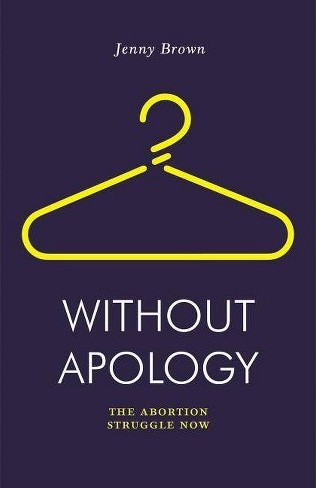
Sunday, September 29th: Without Apology: The Abortion Struggle Now Reading
Jenny Brown is here to celebrate the release of her new book Without Apology: The Abortion Struggle Now. Brown should know; she's been an outspoken proponent of reproductive rights for years. She'll be joined onstage by local activist and Shout Your Abortion firebrand Amelia Bonow. Town Hall Seattle, 1119 8th Ave., 652-4255, http://townhallseattle.org, 7:30 pm, $5.
Literary Event of the Week: The Seattle Children's Book Festival
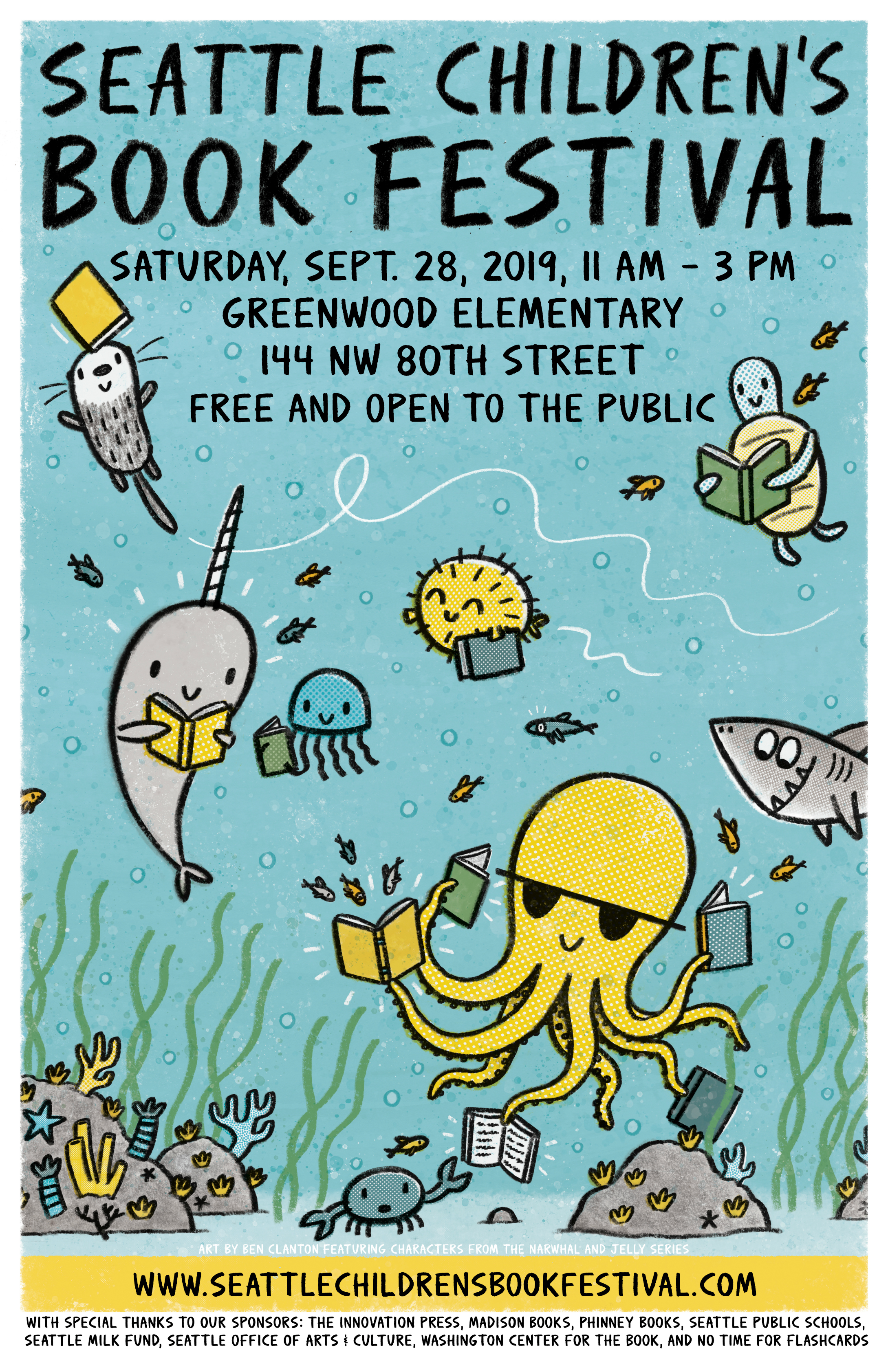
Here's something great: for four hours at Greenwood Elementary School this Saturday, dozens of children's book authors — from picture books to young adult novels and everything in between — will be signing their books, talking about the children's book industry, and generally sharing the joys of literacy with kids.
This is the first annual Seattle Children's Book Festival, and it's absolutely free. Phinney Books and Madison Books will be onhand to sell copies, authors will give talks, and kids will get a chance to meet their heroes.
Seriously, there are a ton of authors authors in attendance: Dusti Bowling, Martha Brockenbrough, Ben Clanton, Heather Fox (author of the awesome-sounding Llama Destroys the World), LeUyen Pham, Aron Nels Steinke, and Joyce Wan. Authors will be contributing to how-to-write panels, discussions about graphic novels and middle reader novels, and a "monster mashup."
Best of all, this whole affair is a fundraiser to get books in the hands of local kids who need them most. From the event's website:
During the festival you’ll have a chance to donate money to cover the cost of the direct donation of any festival author/illustrators books to Seattle Public Schools at a reduced price (these donations are tax-deductible). In addition, after the event, Madison and Phinney Books will be giving 20% of autographed book sales to our organization. The directly donated books will go into classroom libraries and the 20% of signed book sales proceeds (after recovering any outstanding festival expenses) will go towards putting on FREE book fairs at the Seattle Public Schools that serve the highest poverty populations.
This is a rain-or-shine affair, and it needs to be successful so that the Seattle Chidren's Book Festival can be an ongoing thing. So bring your kids (or bring someone else's kids — uh, with permission of course) and introduce them to their new favorite author.
Greenwood Elementary School, 144 NW 80th St, 11 am, https://www.seattlechildrensbookfestival.com/
The Sunday Post for September 22, 2019
Each week, the Sunday Post highlights just a few things we loved reading and want to share with you. Settle in with a cup of coffee, or tea, if that's your pleasure — we saved you a seat! Read an essay or an article online that you loved? Let us know at submissions@seattlereviewofbooks.com. Need more browse? You can also look through the archives.
I’ve never liked the architecture of Seattle’s Central Library, which doesn’t matter one bit. Nobody is liked by everyone, and that goes for buildings, too, especially if they have a bit (or a lot) of personality. (And yes, the logo of this publication is inspired by the Central Library, and I love the resonance there, even if it gives me the willies sometimes.)
Still, I felt slightly and unworthily validated by this, by David Brewster. Brewster’s insight on the selection process for the library’s architect shows a winner — Rem Koolhaas — who pushed every one of Seattle’s buttons: innovative, “disruptive,” cool. Aggressively competitive, the kind that’s called ambitious if you win and cheating if you lose.
There’s nothing inherently wrong with any of these qualities (maybe), and many people like them, or at least like the money and power they’ve brought. The Central Library was built in 2004; Amazon moved to downtown Seattle in 2008, after a burst of “disruptive” launches — Amazon Prime (2005), Amazon Fresh (2007), the Kindle (2007).
The spark for Brewster’s piece is an essay in the New York Times about a new library by Steven Holl, who was the quiet runner up to Koolhaas. Holl’s New York library is gorgeous: warm but not precious, modern but not pretentious.
Brewster wonders what Seattle’s library might be like if our city had chosen Holl over Koolhaas; I wonder what Seattle might be like if we were the kind of city to make that choice. It’s pretty obvious that Holl wasn’t a lesser option.
And yes, the Times piece is also about how long the Holl project took and how much over budget it went. Architecture is hard, and so is being a city.
The Seattle Library That Might Have Been
Koolhaas gave a kind of TED Talk to the public meeting, very cool and disruptive. His firm was then intent on getting an important American job, and his wooing continued in earnest when the selection committee visited European works by the two finalists. Holl, honoring the no-contact etiquette of the final decision, hung back. Another factor, I’m told, was the reluctance of the Library to pick an architect who had done a major project in (gasp!) Bellevue.
Other good reads this week
Communiqué from an Exurban Satellite Clinic of a Cancer Pavilion Named after a Financier
An excerpt from Anne Boyer’s The Undying that dissects cancer treatment as mercilessly as any surgeon.
The system of medicine is, for the sick, a visible scene of action, but beyond it and behind it and beneath it are all the other systems, _family race work culture gender money education_, and beyond those is a system that appears to include all the other systems, the system so total and overwhelming that we often mistake it for the world.
Everyone writes. But is everyone a writer?
Katherine Rosman on the new, high-price-tag writing workshop.
Thanks to tweets, comment threads, Instagram captions, Facebook confessionals, newsletters, self-publishing and the internet’s insatiable thirst for first-person essays, _everyone_ is now a writer (or a “content creator”). With an oversupply of words and increasingly distracted demand, making money in a side hustle or day job is harder than ever.
Rachel Corbett on what happens when Medicaid comes to collect.
Some states initially resisted implementing estate recovery. West Virginia legislators called it “abhorrent” in a federal lawsuit seeking to have it declared unconstitutional. (An appeals court rejected the suit in 2002.) Michigan became the last state to enact recoveries, in 2007, after the federal government threatened to cut its Medicaid funding if it didn’t. Other states opted to collect only high-value assets, or offered exemptions for family farms or estates worth less than a few thousand dollars.
The majority of states, however, took a harder line.
Whatcha Reading, Sarah Marshall?
Every week we ask an interesting figure what they're digging into. Have ideas who we should reach out to? Let it fly: info@seattlereviewofbooks.com. Want to read more? Check out the archives.
Sarah Marshall is a journalist, writer, and vindicator of maligned women in the pop-culture landscape. She's one-half of the power duo (alongside Seattle journalist Michael Hobbes) that makes up the sensation that is You're Wrong About, a truly insightful podcast that unpacks media-driven pop-culture moments with compassion, humanity, and a lot of humor. (Seriously, I love this podcast, and with apologies for editorializing, think it's worth your time to listen to an episode or two and find out why the so many of the women our culture love to hate got a raw deal). We caught up with Sarah in Portland, her place-of-origin, but she never sits still long. You can follow her travels, interests, and the ongoing adventure of the world's most favorite fictional eighties television show, Teen Lawyer, on her Twitter.
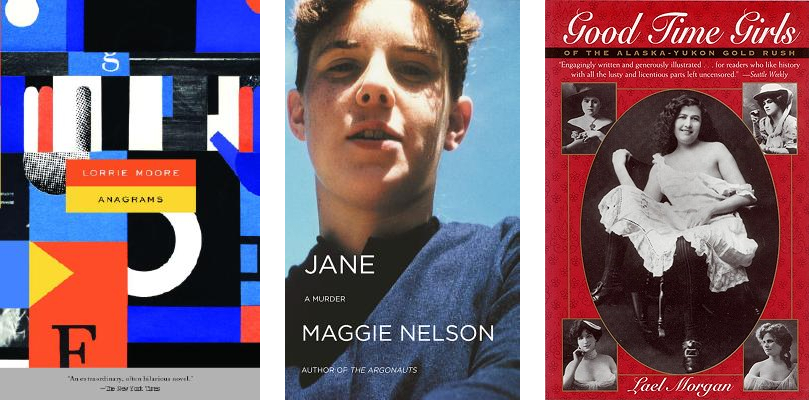
What are you reading now?
Anagrams by Lorrie Moore, Penguin, 1986.
Every fall I reread Anagrams, a weird little jewel box of a novel that, for me, works by not quite working: its characters express themselves in jokes and verbal sleight-of-hand, and experience the kind of glancing intimacies that are almost enough to keep them alive.
The book falls into five jagged pieces: five stories, one the length of a novella, each one about Benna and Gerard, the configurations of their lives a little different each time, and their fractured longing for each other always the same. It's an emotionally gutting book, but its sentences are confected with the nervy joy of a writer who, like her characters, makes life livable through language. "My idea in a love affair," Benna reflects, "is that if everyone makes enough declarations, one of hem is bound to come true. Words are interesting that way."
What did you read last?
Jane: A Murder by Maggie Nelson, Soft Skull Press, 2005.
I read Jane every couple of years, always in one sitting; there is no other book that is able to focus my attention this way, to make me feel like my own thoughts are approaching such diamond density, but that's because there is no book quite like this one. In it, Nelson tries to understand the life and afterlife of her maternal aunt, Jane, who was murdered before Nelson was born: "My face stares into hers," she writes of a newspaper photograph:
our thoughts frozen together
on the cusp of a wave
just starting to go white-cold, curl
and fall back into the spitting green.
When I started looking at Jane,
she was much older than me.
How strange her face seems now
enlarged on this grainy screen,
now that she will always be
only twenty-three.
Nelson wades into a genre fraught with the desires and anxieties that writers have always projected onto the lacunae of the dead, and especially of young female victims; this book continues to haunt me and hold me because of the space Nelson makes for her own uncertainty, and, through excerpted diary entries, for Jane's voice:
Everything I said or did, I said or did wrong
But all those joys, sorrows, and upsets
help you find yourself, help you builda life of real value. Those upsets all contribute
to my character and what I'm going to be.
What are you reading next?
Good Time Girls of the Alaska-Yukon Gold Rush by Lael Morgan, Epicenter Press, 1998
I picked this book up in Alaska earlier this year, and have been saving it as a treat since reading part of it on the plane home. What drew me in to begin with was the chance — always a rare one — to connect with the lives of real women, and to the people who had made history possible, and for the most part have not been remembered for it. It's also a book that makes it easy to understand the draw of sex work in a world where it was all but impossible for a woman to get by on her own. About Cad Wilson, a "diminutive, brown-eyed redhead" who captivated Dawson City on her arrival there in 1898, despite being "no beauty," a prospector later recalled: "The fellows went mad when she was singing 'There'll Be a Hot Time in the Old Town Tonight.' That's when they really began throwing nuggets on the stage… She'd sing a while and then she'd look around and laugh. She used her dress for holding nuggets just like it was sort of an apron and she held it right high in front of her. Cad was smart. She'd gone up there like all the rest of us because she wanted to get all the gold she could."
The Portrait Gallery: Witness Tree
Each week, Christine Larsen creates a new portrait of an author for us. Have any favorites you’d love to see immortalized? Let us know, or see if you can find them in the archives.

Thursday, September 19th: Witness Tree Reading
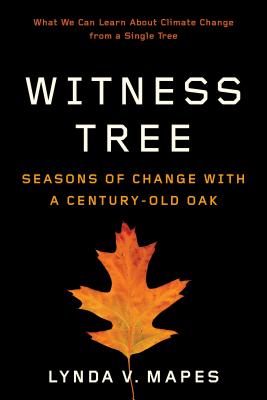
Seattle Times reporter Lynda Mapes has written a book that examines the biography of a single particular oak tree. The tree in question is over a century old, and it has seen, as they say, some shit that you wouldn’t believe. Third Place Books Ravenna, 6504 20th Ave NE, 525-2347 http://thirdplacebooks.com, 7 pm, free.
Thursday Comics Hangover: Journey into retail
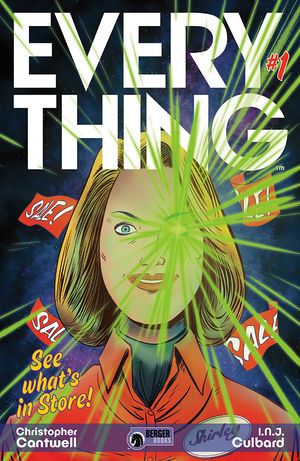
In the fall of 1980, in the small town of Holland, Michigan, a new department store is just about to open. It's called Everything, and it seemingly stocks...well, everything: groceries, "fancy pants," insect poison, fishing rods. The parking lot is full on opening day, and local government officials are around to suck up to the new job creators who just moved to town. Meanwhile, small business owners brace for impact and young people consider selling out to the new corporate behemoth in town for $4.50 an hour.
That's the premise of the first issue of Everything, a comic out this month from writer Christopher Cantwell, artist and colorist I.N.J. Culbard, and letterer Steve Wands. It's a beautiful book — Culbard draws striking, clear compositions and uses the primary colors and zip-a-tone textures of 1980s comics.
It's a first issue, so I have to give Cantwell and Culbard some leeway about the mysteries in the book. (Isn't 1980 a little early for a store like this? Wouldn't the 90s have been a better setting for the wholesale decimation of small-town America at the hands of a giant retailer?)
The first issue of Everything is crawling with menace. The vibe of Everything, particularly as represented by the aloof store manager Shirley, is just not quite right — everything to do with the store feels like an approximation of humanity that doesn't quite nail the impression. (I hope Cantwell and Culbard continue to incorporate Everything's advertisements into the story the way they do on the first and last pages of this issue — even good retail ads almost always have a sinister air to them, so this seems like fertile ground for further exploration.)
Everything does a great job of establishing the characters and stakes with economy and compassion: the book doesn't take too long to get into the store opening, but Cantwell's script establishes the status quo in Holland enough to make it feel like a town that's been there forever. Imagine the first two hundred pages of a great 1980s-era Stephen King novel smashed into twenty or so pages of comics and you have a good sense of what you'll find here.
Book News Roundup: Turning Edward Snowden into Barbra Streisand
-
In a stunning case of people poking moronically at the Streisand Effect, our government has sued Edward Snowden over his new memoir. The Associated Press says:
The U.S. government filed a lawsuit Tuesday against former National Security Agency contractor Edward Snowden, alleging he violated nondisclosure agreements by publishing a memoir without giving the government an opportunity to review it first.
-
Snowden, rightly, is using the lawsuit as an opportunity to sell his book:
The government of the United States has just announced a lawsuit over my memoir, which was just released today worldwide. This is the book the government does not want you to read: (link corrected) https://t.co/JS1AJ6QlXg
— Edward Snowden (@Snowden) September 17, 2019 -
However, I wish someone would tell Snowden about IndieBound and the importance of selling books through independent bookstores. Given that Amazon is working with ICE and other law enforcement agencies on facial recognition and other Orwellian technologies, you'd think Snowden would be pulling for indie booksellers.
-
Anyway, the ACLU says the lawsuit is baseless:
This book contains no government secrets that have not been previously published by respected news organizations. Had Mr. Snowden believed that the government would review his book in good faith, he would have submitted it for review. But the government continues to insist that facts that are known and discussed throughout the world are still somehow classified.
-
In other book news, the literary world is having fun kicking around a Medium post by Heather Demetrios titled "How To Lose A Third Of A Million Dollars Without Really Trying." In the post, Demetrios talks about her inexperience with the business of books and how her naivety led her to squander the experience of being published.
-
A lot of the comments about Demetrios feel a little like sour grapes to me — the business really is confusing for new writers, and a lot of agents are very good at getting big advances but very bad at being good human beings.
-
A good response to Demetrios's post is Chuck Wendig's "How To Be A Professional Author And Not Die Screaming And Starving In A Lightless Abyss". Wendig offers plenty of tips and compassion for Demetrios while frankly explaining how the industry works.
-
Sometimes I wish that some genre publisher would stop giving out six-figure advances and instead hire a fleet of novelists on a fixed, middle-class salary with benefits. The process of requiring every author to be a social media whiz, a self-marketer, and an expert at working freelance is not the most welcoming atmosphere for creative types. Imagine what a working-class literary workforce could produce if they didn't have all those pressures forcing them to keep hustling.
If this doesn't get you ready for autumn, nothing will
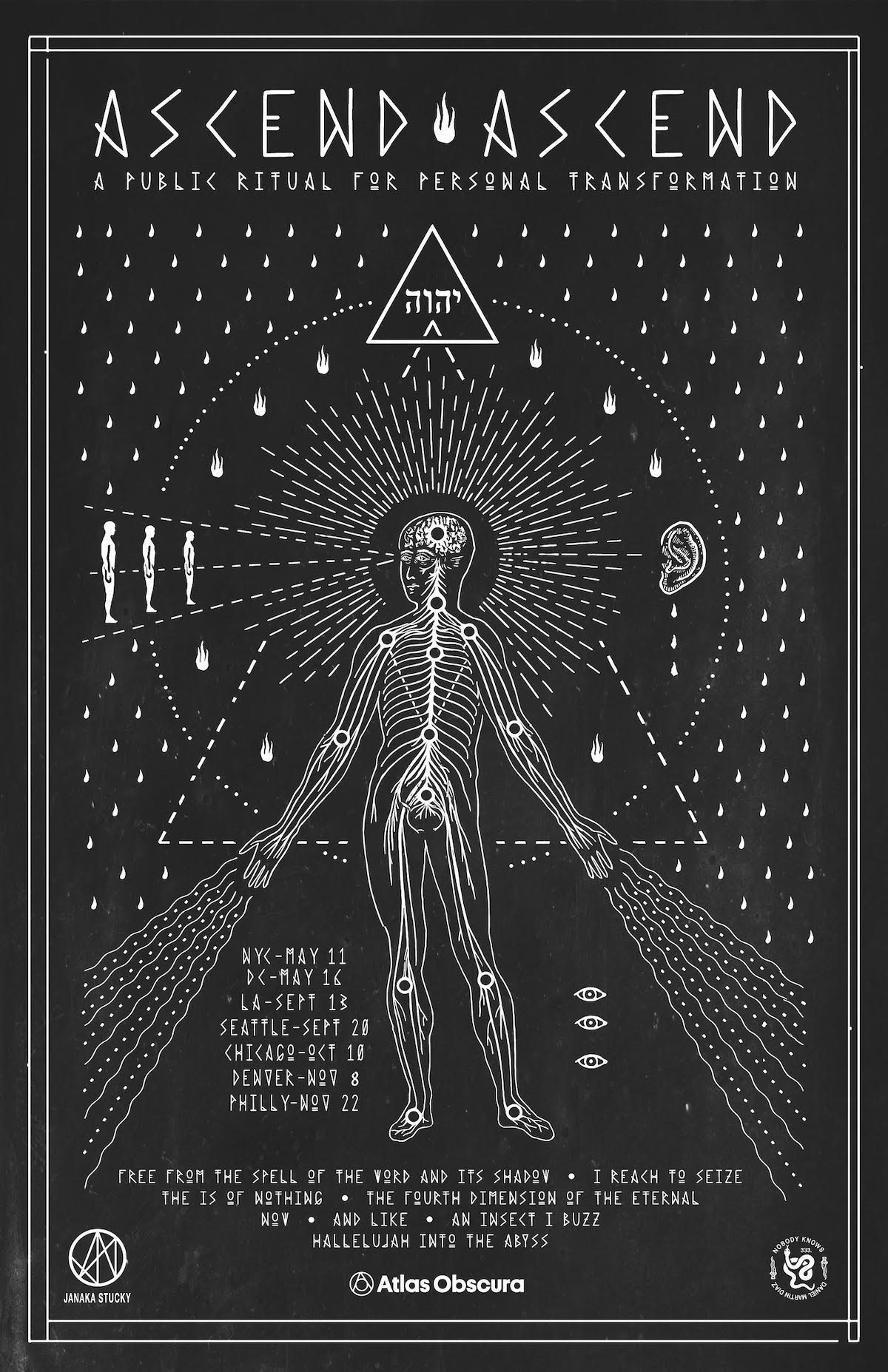
If that cool air and the smell of stew hasn't already awakened your consciousness to the world around you, we're in the beginning of fall, which means it's time to get into some real witchy stuff. This Friday, September 20th, there's a neat-looking metaphysical reading that deserves your attention:
Join mystic poet and performer Janaka Stucky for an immersive, multidisciplinary performance involving light, scent, and sound to introduce his new book of poetry ASCEND ASCEND. Janaka will be joined by cellist and composer Lori Goldston who has collaborated with artists ranging from Nirvana to Mark Mitchell and Lynn Shelton.
This event is put on by the local branch of Atlas Obscura and it's $18, which also gets you a copy of Stucky's book Ascend Ascend. And frankly, eighteen bucks is a steal for a performance by Goldston, who has been making beautiful, soulful cello music in Seattle for over two decades. She is a local treasure.
Get your tickets now for an event that will kick off the beginning of autumnal spooky season in style.
Edward Harkness is a living bridge between Seattle's literary past and future
Our August Poet in Residence, Edward Harkness, found his way to poetry the way so many poets did: a high school English teacher led the way. The teacher introduced Harkness to the work of Emily Dickinson and, most importantly, the poem ("Death of the Ball Turret Gunner" by Randall Jarrell,, which inspired "an immediate visceral reaction" in him.
Harkness has lived in the Seattle area for his whole life, and he considers himself very much a part of "Seattle tradition of literature." He writes beautifully about the region in his work, of course, and he participates in the literary community as a reader. But Harkness has an even more direct tie to the region's history of literature. "My mentor was Richard Hugo," he says. You can't get much more into the Seattle literary scene than learning at the feet of the Hugo House's namesake.
In fact, Harkness's biography is basically made up of a who's who of Northwestern poetry history. He attended the University of Washington "right after the death of Theodore Roethke, and his ghost was everywhere around the campus," and he attended one of Tess Gallagher's very first public poetry readings. It was no less a talent than Madeline DeFrees who saw something in Harkness and encouraged him to go to University of Montana to study under Hugo.
Hugo's tutelage was "the game changer for me," Harkness says. He'd loved poetry for years, but Hugo in performance was the thing that pushed Harkness toward the idea of poetry as a vocation. "I'll never forget hearing [Hugo]. I'd never heard a voice like that, and it just boomed out of him — it was kind of scary how powerful his voice was. And I just said, 'okay, that's what I want to do.'"
One name that Harkness believes doesn't get enough attention in Northwest poetry history is Nelson Bentley, a poet who was one of Roethke's contemporaries and who lived, by Harkness's estimation, "in Roethke's shadow." Bentley was "a very fine poet and an incredible teacher — students just worshipped him. He was genial and approachable and never, ever threatening or intimidating, in the way that I think Roethke could be."
As a teacher at Shoreline Community College, Harkness inspired a whole new generation of regional poets. "I think I've done my best" to pass on the lineage of Hugo, he says. But Harkness isn't slavishly devoted to past masters. He brings his own elements to poetry: "I am much more narrative driven" than most Northwest poets, he says. "I tend to be conversational. I think I learned something about humor from de Frees."
And maybe most of all, Harkness says, "I see myself as being a more political, in my work." He has written poems that directly address his own white privilege, which is certainly not something you can find in Hugo or Roethke's work. So what makes a good political poem? "It has to be nuanced, maybe. Nuance and subtlety and suggestibility are all necessary."
Harkness is now hard at work on composing a "new and selected" collection of his poetry. "I'm barely starting on it," he says, "going through my three books and putting them together with a sampling of new stuff." Now that he's learned from the Mount Rushmore of Northwestern poetry, it's time for Harkness to carve out his own place in Seattle's story.
The forest for the trees
Published September 17, 2019, at 12:00
Two Seattle authors celebrate nature in very different ways: Lynda V. Mapes examines climate change through a single tree, and David Guterson takes us on a long walk through the woods.
in the garden of Danny Woo
I lead you up terraced slopes
until we see clear to Hing Hay Park
down Maynard Street, rattling
off the annals of Uncle Bob
how he leased the land
beneath our feet to feed
the elders, create
a thriving ecosystem where
there had only been neglect,
a plot of land covered in trash
& shattered glass restored to
life-giving beds of vegetables
through a shared belief in change,
fallen now into decay rain-soaked
winter leaves rotting underfoot,
the reports of sex trafficking
in massage parlors down the way
replete with unhappy endings,
you startle me from remoteness
when you pull me close, to quiet
speech, our tongues entwined in
some scattering of verdancy come alive
It’s you all the way down

You know who your audience is. Your people are here, on the pages of the Seattle Review of Books. They are the diverse, engaged, and passionate book people of Seattle — maybe you’re trying to reach readers. Maybe you’re trying to reach booksellers. Maybe you’re trying to reach writers.
Guess who reads our site? Get your message out to the most passionate and engaged audience Seattle has to offer. Prices vary, but start low — in fact, the last week in September is still open for your Fall list favorites.
We can’t wait to see you here. Find out more on our sponsor page — or if you’re ready to dive right in, check out our prices and book right now.
Your Week in Readings: The best literary events from September 16th - September 22nd
Monday, September 16th: Stories in Stone Reading
David B. Williams's new book is subtitled Travels Through Urban Geology, and it examines the way that cities, which are a fairly new invention as we know them, incorporate geology, which can encompass millions of years. Third Place Books Lake Forest Park, 17171 Bothell Way NE, 366-3333, http://thirdplacebooks.com, 7 pm, free.
Tuesday, September 17th: Uncharted Reading
Seattle author Kim Brown Seely's new memoir discusses what happened after she and her husband sent their kids off into adulthood. They celebrated by promptly taking off on a long sailing trip to the north. They may or may not have been thoroughly unprepared for such a trip. Elliott Bay Book Company, 1521 10th Ave, 624-6600, http://elliottbaybook.com, 7 pm, free.
Wednesday, September 18th: The Body Lives Its Undoing
This interactive program asks the question "How can a person who lives with multiple sclerosis, Crohn’s disease, lupus, or arthritis communicate their experiences to people who do not live with these or other autoimmune diseases?" It is hosted by poet Suzanne Edison and it benefits the Benaroya Research Institute at Virginia Mason. Town Hall Seattle, 1119 8th Ave., 652-4255, http://townhallseattle.org, 7:00 pm, $5.

Thursday, September 19th: Witness Tree Reading
Seattle Times reporter Lynda Mapes has written a book that examines the biography of a single particular oak tree. The tree in question is over a century old, and it has seen, as they say, some shit that you wouldn't believe. Third Place Books Ravenna, 6504 20th Ave NE, 525-2347 http://thirdplacebooks.com, 7 pm, free.
Friday, September 20th: Indelible in the Hippocampus: Writings from the #MeToo Movement
See our Event of the Week column for more details. Hugo House, 1634 11th Avenue, 322-7030, http://hugohouse.org, 7 pm, free.
Saturday, September 21st: Francesca Bell and Brian Laidlaw
Francesca Bell is the author, most recently, of the collection Bright Stain from the good people at Red Hen Press. Brian Laidlaw's The Mirrormaker was published by the great Milkweed Editions. One of these presses alone is worthy of your attention, but a reading with one author from each of these two presses is a must-attend situation. Throw in the fact that Laidlaw is also the author of "a book-length erasure of John Muir called Summer Err and this is sounding like a real night to remember. Open Books, 2414 N. 45th St, 633-0811, http://openpoetrybooks.com, 7 pm, free.
Sunday, September 22nd: Three Writers
This time of year is perfect for a trip out to Snoqualmie, and this reading of Seattle authors makes for a great excuse. Seattle Review of Books's September Poet in Residence, Shin Yu Pai, anchors a great lineup of Seattle talent including Gail Folkins, and Kirsten Sundberg Lunstrum. Go hear a great roster of authors at an artistic outpost in the beautiful hilly land to our east. Black Dog Arts Cafe, 8062 Railroad Ave SE, Snoqualmie, https://www.facebook.com/events/2329606110409772/ 2 pm.
Event of the Week: Indelible in the Hippocampus group reading at Hugo House
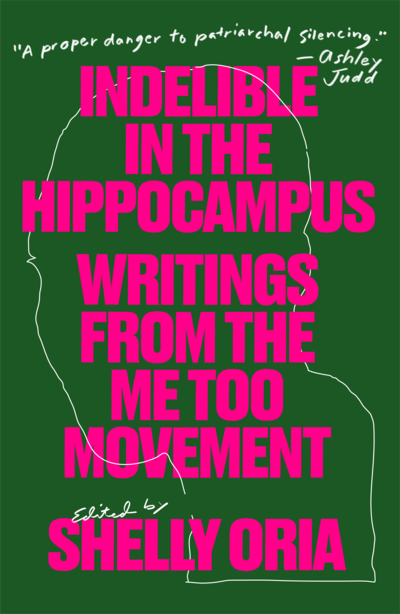
Even those of us who love it have to admit that the publishing industry moves slowly. It's one of the things we love about books: their creation demands time and consideration. A tossed-off book feels like ephemera, something disposable. But a real book about an important subject really carries its own gravity.
I mention this to explain why we have waited so long for the first real wave of books about the #MeToo movement to arrive. Sure, there have been some hastily collected anthologies and some memoirs that have been retrofitted to hit the cultural moment. But now we're getting books that were conceived to respond to this moment in time — books with thought and care and intentionality behind them.
The new wave of #MeToo books is led by She Said, a title from New York Times authors Jodi Kantor and Megan Twohe. But this Friday, Hugo House hosts the second-most anticipated #MeToo title of the fall: a McSweeney's anthology of writings from the #MeToo movement. Titled Indelible in the Hippocampus after Christine Blasey Ford's brave testimony at the Brett Kavanaugh hearings, the book attempts to give a wide-ranging and intersectional survey of the movement and its effects.
Indelible editor Shelly Oria is coming to town to celebrate the book's publication with local contributors to the anthology. Those slated to read include Kamari Bright, Jalayna Carter, Sasha LaPointe, and Kristen Millares Young.
It's fitting that #MeToo — which began with the telling of stories on social media — is now taking the form of a book. And it's important that the authors are reading these stories at Hugo House. These are stories that have changed the world. These are stories that require you to listen, and witness.
Hugo House, 1634 11th Avenue, 322-7030, http://hugohouse.org, 7 pm, free.
The Sunday Post for September 15, 2019
Each week, the Sunday Post highlights just a few things we loved reading and want to share with you. Settle in with a cup of coffee, or tea, if that's your pleasure — we saved you a seat! Read an essay or an article online that you loved? Let us know at submissions@seattlereviewofbooks.com. Need more browse? You can also look through the archives.
I read Natalie Beach's essay about her relationship with Caroline Calloway somewhere around 3 a.m., grateful for the insomnia that allowed me to bypass self-respect and lap up the gossip shame-free. So I was startled when Paul Constant described it, with interest, as a story about writing.
If you haven't been following the relentless internet frenzy over this — I dunno, maybe you're following the relentless internet frenzy over Donald Trump or whatever else Twitter's got hold of this week — here's the short version: Caroline Calloway built her Instagram empire on captions ghost-written by her friend Natalie Beach. There was a book, also to be ghostwritten by Beach, then there wasn't. There were fights and hurt feelings. Now, there is a public airing of grievances: by Beach in The Cut, by Calloway in front of her 800,000 Instagram followers.
Is this a story about writing? Beach and Calloway met at in a creative nonfiction writing workshop at NYU, so at least at one point they both cared about the craft. But I couldn't find much published by Beach beyond her tell-all — except, somewhat ironically, a bit of bookstuff for Oprah.com. Calloway remains her own best creation.
Is this a story about writing? Beach calls herself Calloway's ghostwriter. She was slated, though not contracted, to receive a generous slice of Calloway's profits from the book. When Calloway decided not to complete the book, Beach received nothing — and Calloway lost the right to be the public author of the story they were telling together.
Paul called silence the most important part of the job of ghostwriting. I think that's less true now than it used to be. Ghostwriters now are often recognized for their work, even on the front cover. The idea of authorship has changed, at least for the kinds of books that are often ghostwritten: to be the author doesn't mean, any more, to be the writer. Which is brain-bending in and of itself.
Is this a story about writing? During Colette's early writing career, her husband's pen name was the one on the cover of her books. He got away with it because he was a controlling shit, but also because he was visible to the world in a way a woman was not. Less cringe-y (maybe): Dick Francis credits his wife with writing his immensely popular thrillers, credit she gently deflects because she believes the testosterone-laden books require a male byline for success.
Beach and Calloway created a character together — Caroline Calloway. When Calloway decided she wanted to have her name on the cover alone, Beach created a new character: Natalie Beach. There's no gender imbalance in the push-pull between the two, just opportunism. But there is a story here about how being seen gives you the power to be heard.
This is going to be a leap, but bear with me: because we take pitches, instead of submissions, we get a lot of email from writers packed with impressive bios, lists of big publications — and it's great! We need that information, especially links to past writing, so we can make good guesses about who'll be a fit for the site.
But it's also how people tell us they've been seen. That they're worth looking at. And, by extension, that what they want to say is worth hearing — which is an even bigger leap than the one I just made.
That's a story about writing, too.
Meanwhile, here's Beach giving away the game in the very opening of her piece ...
I was Caroline Calloway
I began going to Caroline’s after every class, then just any chance I could. To my other friends, I described her as someone you couldn’t count on to remember a birthday but the one I’d call if I needed a black-market kidney. What I meant was that she was someone to write about, and that was what I wanted most of all.
Other good reads this week
Zuana Justaman on what she didn't say in the diary she kept during the Holocaust.
In my memory, it seems as though my mother remained in prison for months. But according to my diary she “was away from us for three weeks.” Against all reason, we never gave up hope that she would be released.
Cory Doctorow on the feudalism of digital books.
The established religion of markets once told us that we must abandon the idea of owning things, that this was an old fashioned idea from the world of grubby atoms. In the futuristic digital realm, no one would own things, we would only license them, and thus be relieved of the terrible burden of ownership.
They were telling the truth.
Ship of horrors: life and death on the lawless high seas
Out of sight, out of mind: an excerpt from Ian Urbina's forthcoming The Outlaw Ocean investigates labor conditions in deep waters.
Greed, not water, sank the Oyang 70. The ship had tried to swallow too much fish; the ocean swallowed the ship instead. The last men off the drowning ship said that they saw Shin in the wheelhouse, refusing to abandon his post or put on a life jacket. Hugging a pole and clutching his clear bottle, he was muttering in Korean and crying.
Whatcha Reading, Shin Yu Pai?
Every week we ask an interesting figure what they're digging into. Have ideas who we should reach out to? Let it fly: info@seattlereviewofbooks.com. Want to read more? Check out the archives.
Shin Yu Pai is a Seattle-based author of eight books of poetry, who often blends poetry with visual and installation art. She's a 2014 Stranger Genius Nominee, was the fourth Poet Laureate of Redmond, served as poet-in-residence for the Seattle Art Musuem, and is our Poet in Residence for September. To date, we've published two of her works: white savior industrial complex, and Chiang-Kai Shek Boneyard. She is appearing today, September 14 at PACT 2019, and September 22nd at the Black Dog Cafe in Snoqualmie.
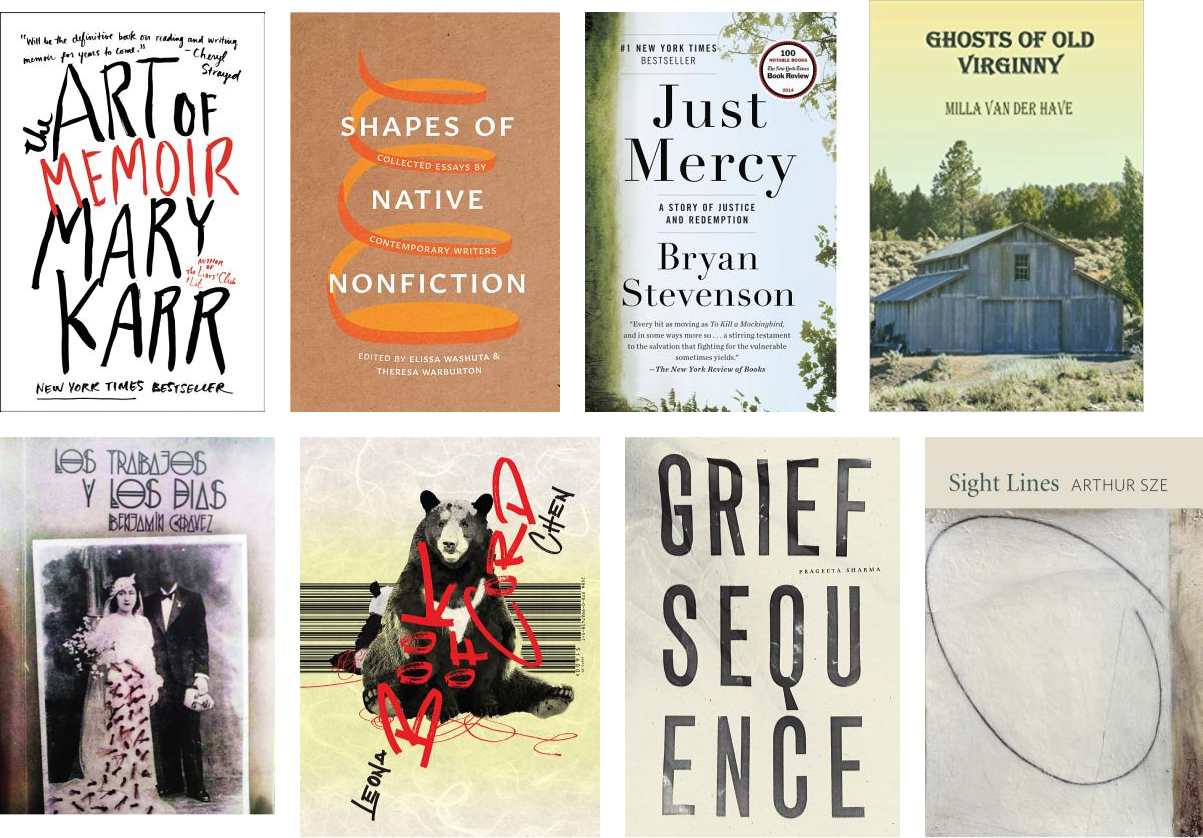
What are you reading now?
I'm working on writing a collection of personal essays (as memoir) and have embarked on a deep dive into the craft of narrative nonfiction. I am currently reading Mary Karr's Art of Memoir and Elissa Washuta's edited anthology Shapes of Native Nonfiction: Collected Essays by Contemporary Writers. I'm also reading Bryan Stevenson's Just Mercy, in preparation for a civil rights pilgrimage that I am going on with Project Pilgrimage in October.
What did you read last?
Earlier this summer, I attended a poetry festival in Curtea de Arges, Romania. Through that experience, I had a chance to come into contact with some amazing poets and community builders from all over the world. One book I've read recently is Dutch poet Milla van der Have's Ghosts of Old Virginny. I wrote a review of this collection for High Desert Journal, which is forthcoming in October. Milla's book is a terrific documentary poetics collection that explores the history of a silver mining town in rural Nevada. I also recently finished reading Latin American poet and critic Benjamín Chávez literary musings Los Trabajos y Los Dias which reflects upon some the poet's influences through an ongoing column that he wrote for a Bolivian newspaper. Leona Chen's Book of Cord is a deeply thoughtful and experimental collection on Taiwanese identity, that has also captured my attention.
What are you reading next?
Bryan Blanchfield's essay collection Proxies. I want to get my hands on a copy of Prageeta Sharma's Grief Sequence from Wave Books. I also need to get a copy of Arthur Sze's newest poetry collection, Sight Lines, too.
The Help Desk: The handmaid's fail
Every Friday, Cienna Madrid offers solutions to life’s most vexing literary problems. Do you need a book recommendation to send your worst cousin on her birthday? Is it okay to read erotica on public transit? Cienna can help. Send your questions to advice@seattlereviewofbooks.com.
Dear Cienna,
I work at an independent bookstore. We had to sign a nondisclosure agreement from Penguin Random House ensuring that we wouldn’t sell their new book, Margaret Atwood’s Handmaid's Tale sequel The Testaments, even a minute before midnight on September 10th. We were told if we got caught selling the book early, Penguin Random House could penalize us by not ever selling us any of their titles again, which would essentially put us out of business.
Unfortunately, as you probably know, Amazon mailed copies of The Testaments to their customers a week early. Amazon says they only broke the embargo for 800 customers, but who knows if they’re telling the truth about that figure?
Look, accidents happen — even if you’re the biggest and by far the most evil bookseller on the planet. But the thing that chaps my ass is that Amazon basically is suffering no consequences for breaking this embargo. If I sold 800 copies of The Testaments a week early, I could be sued into oblivion. Is it too much to ask that the same rules apply to everyone? Hell, Penguin Random House didn't even mention Amazon by name in their tweets about the incident, presumably because they're too scared to call them out.
I’m so frustrated with Penguin Random House that I just feel like quitting the business entirely.
Karen, Greenwood
Dear Karen,
As my father used to say before he killed himself, "Life isn't fair and then you marry one." (And then she leaves you, which really isn't fair, and then you start drinking with guns.)
Yes, Amazon is taking over the free market like online outrage is overtaking any kind of action. Yes, Penguin Random House is staffed by punitive cowards. But before you do something rash, like quit the soul-satisfying business of selling books for something with a dental plan, know that things could be worse.
I know people who work for Amazon. They have to sign a non-dick-closure agreement and wear catheters so that they can work straight through bathroom breaks. THAT’S HOW THOSE BOOKS ARE SOLD SO FAST AND SO EARLY! It’s not all boob-shaped terrariums and 5-star ratings behind closed doors – Jeff Bezos makes people dance for pocket change every time an order doesn’t qualify for free shipping. And that's not even the worst of it. Next week, Seattle employees will walk off the job to protest Amazon's indifference to the sous vide hellscape our Earth is becoming, in part because of the company's policies and practices.
I also heard Bezos sold his mother's organs on Deep Dark Prime after she gushed about the customer service at Best Buy. (For Mother's Day, he regifted her her own kidney.)
My point is, life isn't fair. Every pocket of the globe has its injustices – you may not have dental, but hey — you don't have to professionally piss in a bag.
Kisses,
Cienna
The Portrait Gallery: Kathy Acker
Each week, Christine Larsen creates a new portrait of an author for us. Have any favorites you’d love to see immortalized? Let us know, or see if you can find them in the archives.
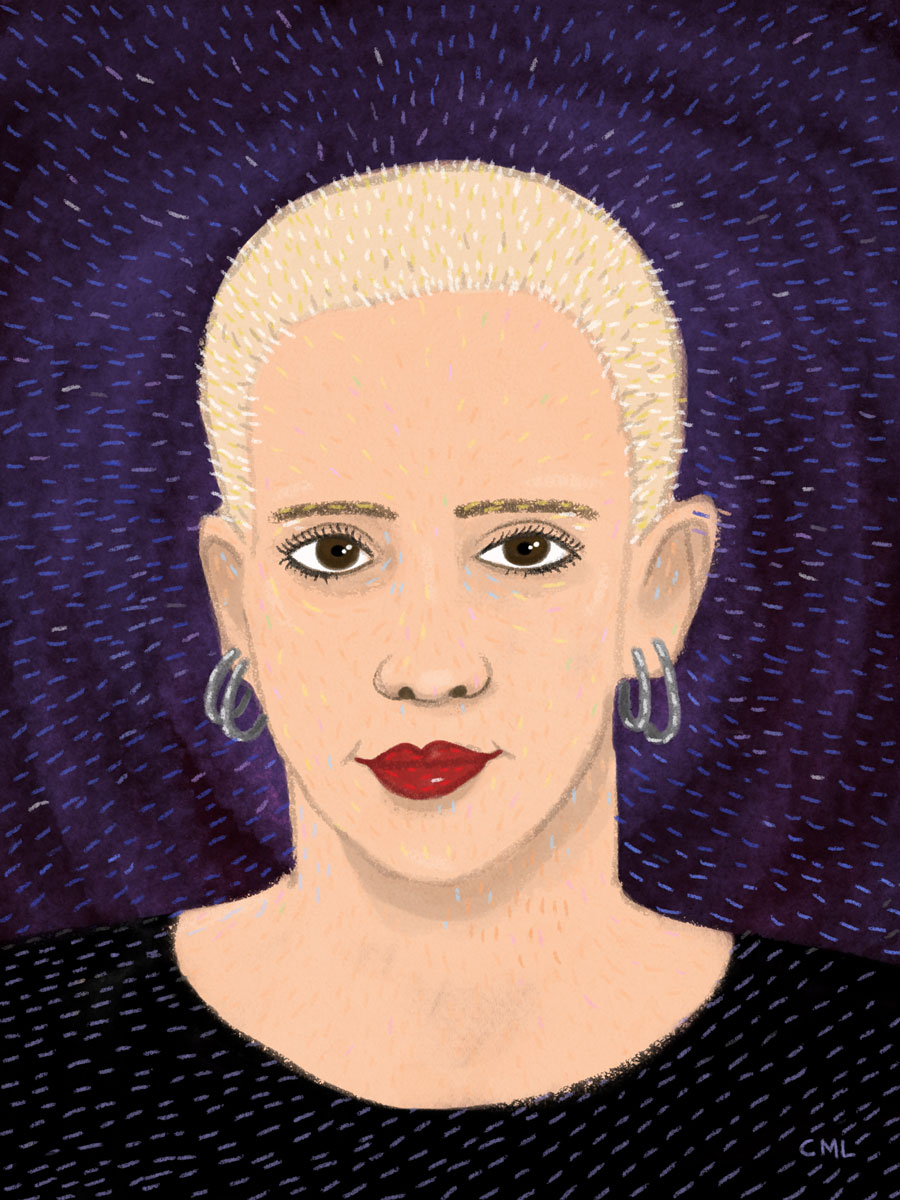
Saturday, September 14st: Kathy Acker in Seattle Symposium
Find out a ton more detail on our Literary Event of the Week column. Come see why Acker was so important to Seattle, punk, and the Riot Grrl movement.
Seven years of good luck at the XOXO Festival
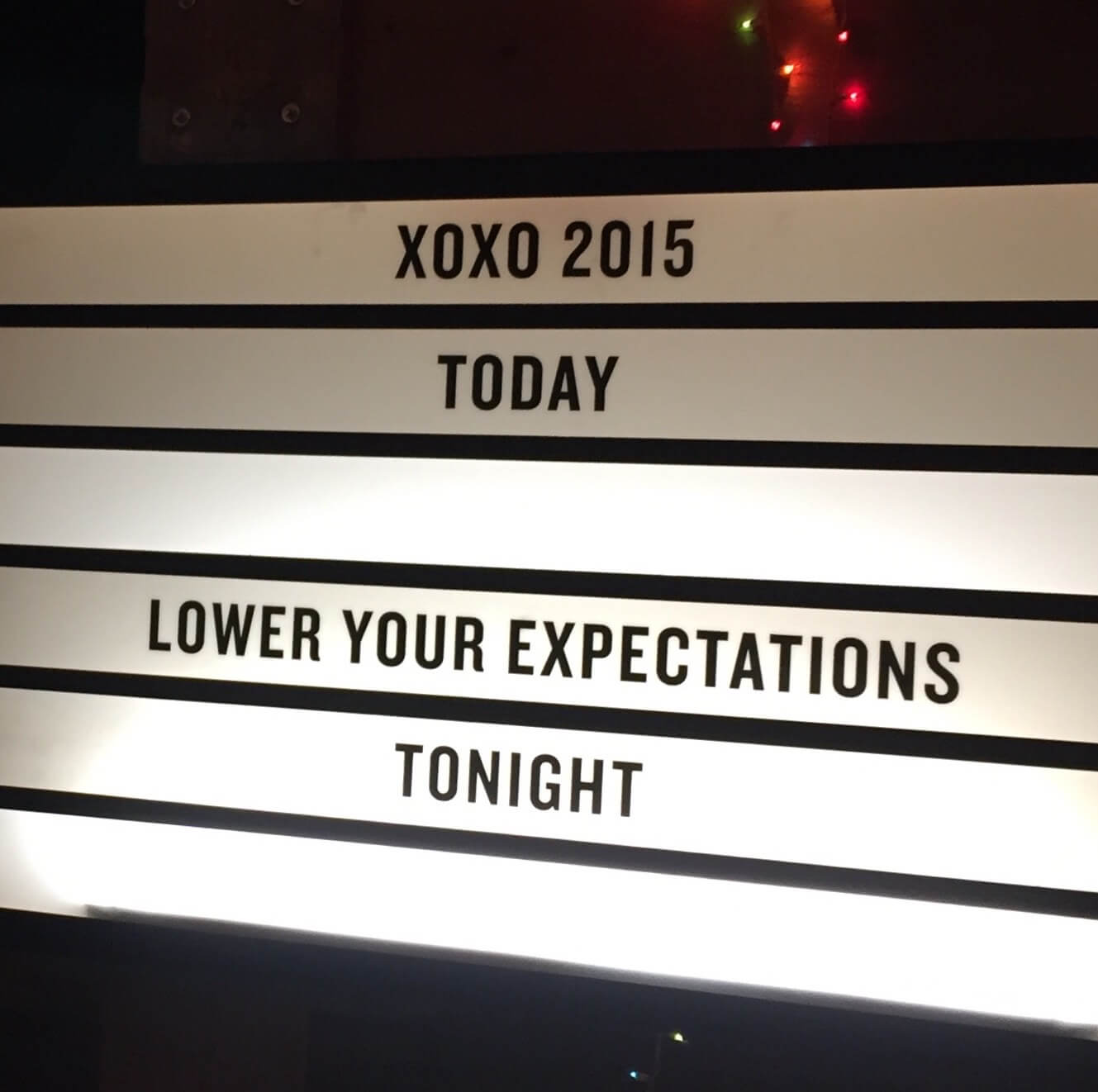
For the past eight years, minus one when it was on hiatus, I’ve spent early September amidst a colorful, creative, productive, and intimidatingly humane group of people in Portland at the XOXO festival.
It started with a Kickstarter. Andy Baio, who I’d followed for years as one of the most tireless and delightful chroniclers of internet culture at his waxy.org, posted this on Twitter:
Hugely excited to announce @xoxo, a new conference & festival this September in Portland! Get your tix quick: http://t.co/p6pfgYQ8
— Andy Baio (@waxpancake) May 22, 2012
Andy posted at 11:30am, and I backed the festival at 1:45pm. The festival sold out in fifty hours. That I would give someone I didn’t know, but had admired online, $400 for something that didn’t yet exist gives you a good idea of how much I’d loved Andy’s work over the years.
One of the great joys of the magazine and newspaper age, that transferred well to blogging but horribly to bigger social media, was getting to know certain writers. Reading the same byline month-after-month, you develop a sense of the person, their tastes, their quibbles. I can’t express the exhilaration of seeing a (now retired) Margalit Fox byline in the New York Times obituaries, or the rush of pleasure from when Paul Ford sighs and says "well, I guess I’m gonna have to write about that", to name but two examples.
I co-founded this very website with someone whose work I admired from afar, until I met him and told him so in person. But, of course, most of those writers who I admire I would never be lucky enough to meet, and felt that if I did, I would have little to offer apart from praise and appreciation, which might only get one halfway through the first glass of wine before aging into boredom.
Same it was with Andy, who covered a beat few others did. To wit: what is the cultural impact of the internet on the people who make it their playground? He tracked the rise of popular culture as it ricocheted across the bit-broken packet-by-packet surface of the internet; watched it get trapped in eddies and pools of sometimes horrifying digital homes; measured its growth and response as larger media started noticing the gif memes climbing their legs; brought, with delight, explanations of some of the stranger manifestations of the internet echo chamber: the chaffing of jokes that transmogrified from obscure in-jokes into glitchy overly-compressed expressions of pure weirdness.
It was Baio’s curiosity, compassion, and humor that made new posts by him top priorities when the indicator in NetNewsWire showed a new unread Waxy.org post.
So, Andy, along with Andy McMillian, who I didn’t know when they launched XOXO, but had admired his work on the Build Festival and his bookazine series The Manual, started this festival, and I was lucky enough to be one of the 400 people who took a chance on them.
That September, we convened on an old laundry in Portland, next to tall curving windows, and sat close together in folding chairs during two days of talks. Many people have written about the talks, and they are all online for you to see, so I’m not going to focus on those, despite their importance to me, and the festival.
Instead I want to talk about the things around the talks. The Andys (which is what collectively, and affectionately, the community calls Baio and McMillian) have told the story that they invited everyone to come on Thursday, but only scheduled for Saturday and Sunday, and so in a pinch came up with "XOXO Social" for Friday, a day of events where people could hang out and get to know each other. We got free access to Ground Kontrol, invited to drop by the Panic Software offices, and Wieden+Kennedy had a rooftop soiree replete with circus performers.
Sitting next to a stranger was made much less awkward when you had seen them the day before around town, or had played pinball with them, or ran into them browsing at Powells.
Then there was the eating. Portland, of course, has amazing food, and parked outside the festival was Nong’s Khao Man Gai truck (for me, the quintessential taste of XOXO, along with iced cold brew coffee), among other amazements.
We played tabletop games, watched music, hung out at picnic tables on a closed city street, wandered a marketplace on the ground floor of the Yale Union that had 3D printers, games, and designers, and generally had a marvelous time.
Then they did it again. Seven times, now, over eight years. Instead of repeating the formula over and over, the Andys always try new things each year. Some experiments have been as successful as XOXO Social, some were tried once and not repeated. A reader board greeted us at registration a few years back, imploring: "Lower your expectations".
My personal approach is to not expect anything. To go in as raw as I can, and open myself up to whatever I find.
And when I walk away from the festival, my mind is a fog. I’m peopled-out, but also inspired. The talks are blurs of moments, the live podcasts, the in-person chats, the tabletop games, the serendipitous moments witnessed, the kindness and generosity of spirit all around, it conspires into a kind of smoothed liquid brain that precludes me from sensibly writing about the festival (I have, for the seven years, attempted to write about each and every festival, and failed until now, thanks to brain smoothness).
I doubt this website, as it sits, would exist without XOXO. I published my own novel through a Kickstarter, inspired by the festival and its community. XOXO helped me to learn to ask for what I need, and to not be afraid to be myself. It helped me create work and put it into the world. It’s changed my life in many ways, some professional, many intensely personal and deeply meaningful. I see people, each year, that light the world for me, and who I think about all year.
Each festival is end-capped by the Andys on stage. This year, unlike all others, they had MCs — Helen Zaltzman, of The Allusionist, and Hrishikesh Hirway, of Song Exploder — which took some pressure off them, but still they started and ended together. There are always tears at the end, and perhaps relief that they pulled off another year. They always do (with the help of many, of course), in admirable fashion.
What a pleasure it is to feel hope about the internet and its people, if only for a brief time. What I walk away with, each year, is gratitude. I am appreciative of being part of a community that watches out for all members with a strict code of conduct (the Andys remove at least one person for breaking the code, and ban them for life, each year), and clear work on inclusion. I am so grateful to be part of a community that works so hard on helping people who are excluded elsewhere feel welcome.
I’m paraphrasing, but Baio said the first year that he thought the name XOXO would be a great filter towards the kind of haters he wanted to keep out, since none of them would attend a festival called hugs and kisses. He was right, and the extra work, and policing where necessary, has imbued the festival with a rich sense of belonging for many different kinds of people.
My father, who was a minister, always told me — a devout non-believer — that at heart, churches were about people coming together and creating something bigger than themselves. I sometimes wonder what a secular church would be like, one that wasn’t focused around religious teaching, but around morality, perhaps, around self-awareness of the world. About the importance of creating, and placing your creations in the world. Or, like my father — who was a wonderful writer who used his platform for storytelling and exploration, instead of condemnation and evangelism — often preached about questioning ourselves, our place in our communities, our capacity to do good and help people.
That’s really the only way I can describe what I’ve found at XOXO. People I want to see, listen to, learn from. Two days of the kinds of sermons talks my dad would have loved — questing, questioning, inward facing, reflective, humble, personal. Then, community. People coming together. Trying to make build greater than themselves.
Sometimes failing, but always recognizing that you have to show up to even put the effort in. Lower your expectations, yes, but for the love of all that is good, show up. It all can’t start until you make the choice to do just that. Please show up, we’re waiting to see what you make.
Seven years of good luck @xoxo.
— Martin McClellan (@hellbox) September 10, 2019
I’m so grateful for this community, for the inspiration, for the opportunity to be present, to listen and learn, and for all the tremendous fun and friendship. Thank you @waxpancake @andymcmillan! pic.twitter.com/gvO2ABC6gm
Thursday Comics Hangover: Not your usual gang of idiots
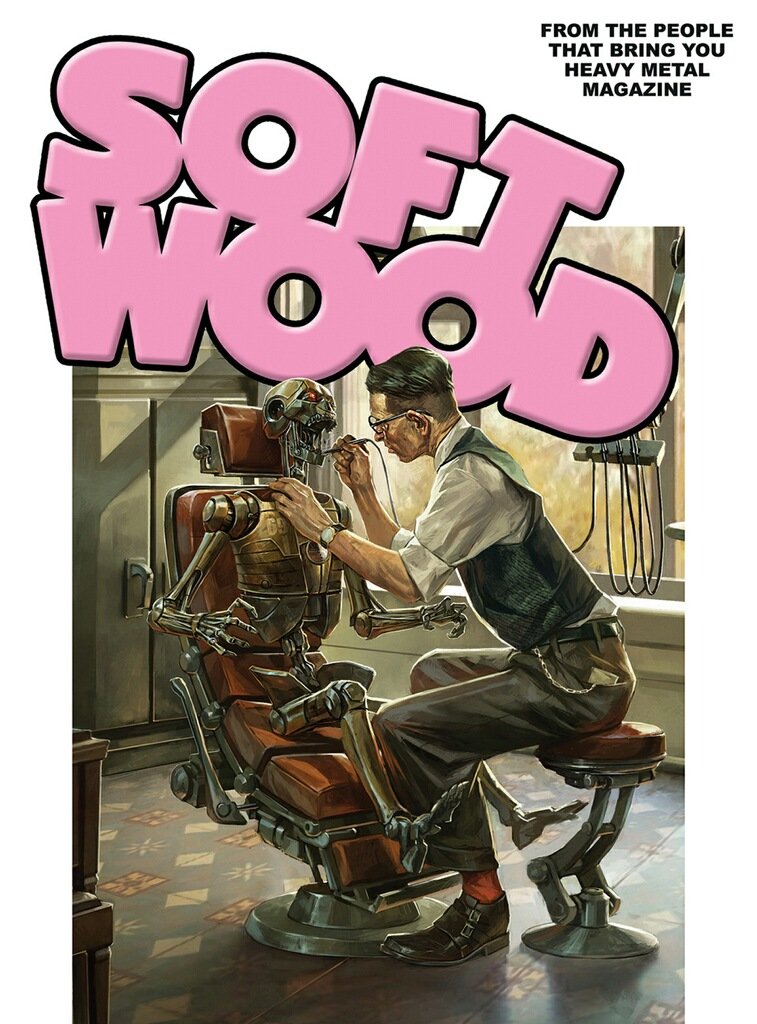
Immediately after MAD Magazine's editorial staff announced that they would cease the publication of new material on July 4th of this year, the publishers of the horniest sci-fi comics anthology magazine on earth, Heavy Metal Magazine, announced that they would be picking up MAD's slack with a new comedy publication. Stepping in to fill the void before the adoring eulogies for MAD could even be published was a classic old-school publishing move. You had to admire Heavy Metal's brazenness; they were reanimating Alfred E. Neuman's corpse before it even had time to get cold.
But you also have to admire Heavy Metal's industriousness: yesterday, roughly two months after their announcement, the first issue of their new humor anthology comic, Soft Wood — get it? — landed in comics shops. This is light speed for the creation and distribution of a new magazine.
So Heavy Metal invited the comparison on themselves: How does Soft Wood read in comparison to MAD Magazine? Unfortunately, it's not a substitute. MAD was more or less an all-ages magazine, no matter what the parents who wouldn't let their children read it for content concerns might think (I forgive you, mom.) Soft Wood is full-on smut. There's a reason why the magazine comes in a plastic bag: it's packed with swear words, a few explicit shots of genitalia, and more than a few distasteful prostitute jokes. If you give Soft Wood to your children, you are a bad parent.
Given the short publication window, most of the work in Soft Wood has clearly been repurposed from other publications. In fact, the central strip, a parody of Watchmen by Bleeding Cool comics journalist Rich Johnston, was originally published in 2009. (To be fair, that original publication was black-and-white, while this republication features beautiful Watchmanesque colors from John Higgins.) And to continue the comparison with MAD, Watchmensch is the only full-on parody in the book, so those who miss MAD's timely parodies of popular culture won't find much in this issue to latch on to.
But for adults who are looking for a new comics magazine, Soft Wood demonstrates a lot of promise. The book contains a nice mix of funny cartoonists who've been in the business since the 90s (Evan Dorkin, Shannon Wheeler, Bob Fingerman;) some artists with a more European bent (Osmarco Valladao, Manoel M., and Carlos Cabrera;) and some cartoonists who I've never heard of before (Jake Thompson.) Of these, the standouts for the issue are Wheeler, who contributes a hilarious and moving memoir piece about summer camp and micropenises, and Thompson, whose gag strips often end with a character's awkward stare that feels more real and visceral than ink on paper should. One particularly weird strip from Krent Able, featuring newscasters measuring their taints in the middle of a breaking news report, is likely to haunt my dreams tonight.
In short, there are a lot of surprises here, and it's honestly thrilling to flip through a glossy comics magazine. The colors pop, the art has more room to breathe than in the standard comics format, and at $8.99, the magazine manages to cram in a lot more pages than your standard four-dollar comic.
I'm excited to see what Soft Wood will do as it grows and changes. Will the book embrace more of MAD's legacy through parody strips and a series of regular features, or will it find its own way to something completely different? Either way, it's good to see an organization who views the death of a legacy media publication as an opportunity, rather than another excuse to wallow in sentimentality or lament the end of the world as we know it.
Summer reads
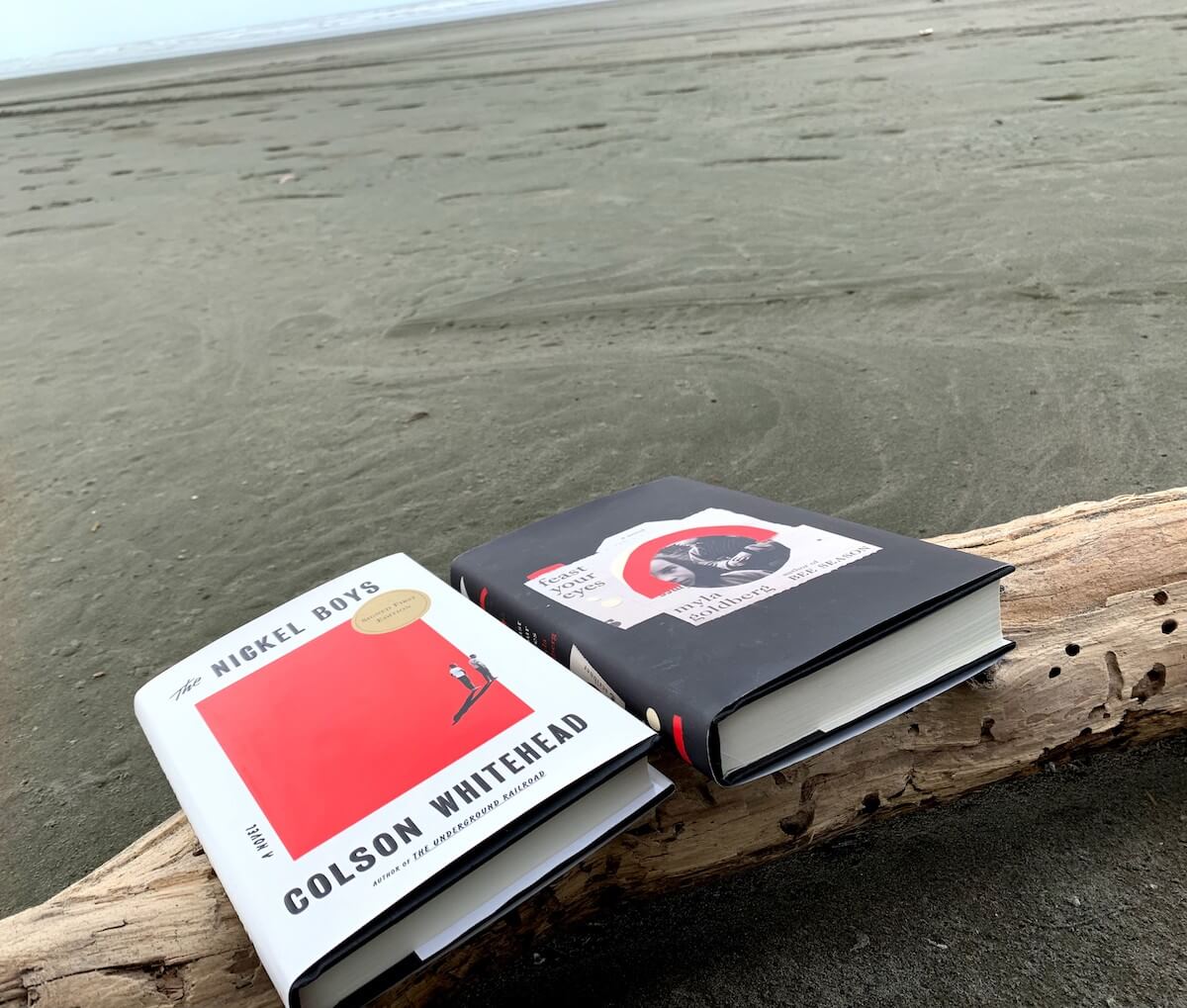
Two weeks out of the year, I get to read whatever I want. I don't have to read new books or book club books or books by local authors or books that I plan to review. For one week in the summer and one week in the winter, I disconnect from the internet, fill a tote bag with a truly aspirational stack of books, head to a large body of water, and get lost.
A few weeks ago, I was in Moclips, out on the Olympic Peninsula, and I was trying to read as much as I could. I went for a long walk on the beach and I decided to sit down on a log and power through the last 100 pages of a book I'd been reading. And that's what I did. I wasn't interrupted by people or phones or responsibilites.
The book in question was Myla Goldberg's novel Feast Your Eyes, about a famous photographer and her difficult relationship with her daughter. It was easily Goldberg's best novel since her astonishing debut, Bee Season, and it was a book that made me think about photography in a new way. Goldberg has become a tireless experimenter in the form and function of novels, and Eyes is no different: it takes the form of notes in a photography exhibition — minus the photos — and it is a book that will break your heart and leave you grateful for the experience.
I brought Colson Whitehead's latest novel, The Nickel Boys along with me, too. I've got to stop reviewing WHitehead's books, for the simple reason that I have always deeply loved every book by Whitehead that I've ever read. I worry that i don't have anything new to add to his body of work, that my gushing has grown tired. When a writer only triggers one emotional response in a reader, that usually signifies a failure on the reader's behalf. I wish I had something more complex to say about Whitehead's work than it's great, and that he's one of the greatest novelists alive. But I don't. I can only sit there with my ass in the sand, wondering at the wonder of it all.
But now I'm back to reviewing again, and that's something I promise myself I won't do on my vacation. The fact is that I can't read without formulating a response in my head anymore. I'm always reviewing, even when I don't need to or even want to. And it doesn't feel like work, either — it feels like how I figure out the world, how I process what I see and feel and experience.
So I brought you on vacation with me, even just a little. I read these books, and I had to talk to you about them. What's the point of getting away from it all, if you don't have someone to help give meaning to all that away?
Meet Jourdan Imani Keith, Seattle's newest Civic Poet
On August 29th at the Mayor's Arts Awards ceremony, Jourdan Imani Keith, read a poem as the first public act in her new role as Seattle's Civic Poet. (Start around 16 minutes in to this video if you'd like to see her perform the poem, which is a celebration of Seattle as a place that has always existed and that has always changed.)
How does Keith feel about her new role? "I'm very happy," she says over the phone, with an audible smile in her voice.
Keith was born and raised in Philadelphia, but she's been in Seattle for over two decades. "Over the years of living here I've been very engaged with the city," she says. It's impossible, in fact, to separate Keith's civic engagement from her poetry. She's celebrated Seattle through poetry in city programs including the Parks Department, youth learning initiatives, and other municipal celebrations of the arts like the Poet Populist program. She has participated in the Jack Straw Writers Program and she's worked closely with the Northwest African American Museum.
Poetry is Keith's way to honor the city's past and to look forward. Poetry, she says, has "made me feel more committed to the city." Now, as Civic Poet, she hopes to expand that commitment to a macro scale by strengthening the bond between Seattle and its citizens through poetry. One of her most important charges as Civic Poet is to "highlight emerging poets and to lift youth voices" by giving them a platform at city functions.
Education is vital for Keith. She's looking forward to a project that will encourage people to write poetry in response to Seattle's public art "as a way of envisioning the city." Seattle's public art stretches back over a century and attempts to incorporate the city's ethnic and cultural diversity. By encouraging people to write in response to the art, she says she's "layering the web of art through the city — that's what I'm most excited about," Keith says.
This is about more than just accessing a city's history through poetic dialogue. Keith hopes to awaken a whole army of poets through this communication through public art. And why not? It's not too far-fetched a notion to believe that a person can fall in love with poetry overnight. In fact, Keith can recall the exact moment she fell in love with poetry: "I had a wonderful incredible outdoor experience climbing a mountain. It shifted my whole perspective. I took myself through what I later realized was all these sensory exercises." Closing and opening her eyes, seeing birds take flight, and feeling bugs on her skin, keith was visited by something.
She ran down the mountain — "I fell down and skinned my hands," she laughs, a little tenderly — and "I went to my little plaid journal and wrote a poem. It was the first time i had written a poem."
Beyond sense explorations, Keith immediately started to explore the possibilities of the form. "I was grounded early in the fact that poetry could be used for social responsibility — in fact that it had to be." For Keith, poetry is nothing unless it engages with the world, and encourages the world to be better than it is. For the next two years, as Civic Poet, she's going to try to encourage more Seattleites down that path.
Keith takes her new role as Civic Poet seriously. "It's important to be an ambassador for the city," she says. Seattle has "changed a lot from the place I came to twenty years ago. It's still what it was, but it's also becoming something else. It's really critical for people to know a history of a place and to feel they have a hand in shaping its future."
Cartoonists call for comics festivals to shun Amazon's money
A group calling itself "Cartoonists Against Amazon" has published an open letter on Medium asking comics and small-press festivals to boycott Amazon. The letter notes that Amazon, mostly through its e-comic platform Comixology, sponsors a number of independent comics festivals and events. The reason for the requested ban is Amazon's "horrific labor abuses" and the company's support of ICE. They argue:
Art is not apolitical, and art workers are not afforded special neutrality as innocent bystanders. We must examine the ways in which Amazon uses sponsorships to whitewash its brutal exploitation of workers and the disastrous effects it has on the cities it moves into. We must examine our culpability in a system that enforces and profits from the violent, inhumane treatment of immigrants; a system of sting raid operations and concentration camps that separates families and murders both children and adults via neglect. When we take money from Amazon and look the other way, we are allowing these actions to happen with our silence.
Signatories include local cartoonists Sarah Glidden and RJ Casey, as well as comics genius Kevin Huizenga and Bojack Horseman co-creator Lisa Hanawalt. Aside from their demands that festivals cut ties with Amazon, the letter urges comics festivals to offer "Complete transparency regarding sponsorships and money allocation," because "Artists should be able to provide input and make informed decisions about what our participation in any festival entails."
This is a pretty big deal, and it's interesting that cartoonists are the first to speak out. I can't recall a similarly sized literary protest of Amazon's support of literary events and festivals. Do any small-press poets and fiction writers want to follow the lead established by these cartoonists?
Lunch Date: Taking Andy Mulligan out for pizza
Once in a while, we take a new book out to lunch and give it half an hour or so to grab our attention. Lunch Date is our comment on that speed-dating experience.
Who’s your date today?

Trash, a YA novel by Andy Mulligan about poverty in a developing-country setting. I stay in the same room at Campbell's Lodge in Chelan every year; for the last three years, this book has been sitting on the desk, along with The Wedding, by Julie Garwood, and Too Long a Stranger, by Janette Oke. I was struck by someone's decision to put this particular novel out as a beach read at a resort frequented by often-drunk twenty-something men, newlyweds, and conventioneers. My own preconceptions, I guess, about what people want to read on vacation!
The guts of the story are that Raphael Fernandez, a boy-becoming-a-man who keeps himself and his family alive by picking through mounds of garbage for items he can sell, finds something different — a key that at first means money, and then something more. Raphael and his friends have a classic coming-of-age decision to make, except that in their world, they've never truly been children. Chaos ensues.
Where’d you go?
Local Myth Pizza, in downtown Chelan. Local Myth is one of a handful of restaurants and businesses that survive through and beyond the tourist season here. While all food is, essentially, some form of pizza, Local Myth makes pizza in its ur form, and they do it well.
What’d you eat?
I had a slice of the “pepp crunch,” which has black olives, basil, and pre-crisped pepperoni — with an optional feta add-on, which of course I got.
How was the food?
Awesome. This is classic “unstyled” pizza: not deep dish, not Chicago, not New York, not Neapolitan, just good ol' standard crust piled high with toppings. The basil gives it a bit of freshness, the pepperoni a bit of crunch, the feta a bit of chew.
What does your date say about itself?
From the publisher’s promotional copy:
In an unnamed Third World country, in the not-so-distant future, three “dumpsite boys” make a living picking through the mountains of garbage on the outskirts of a large city.
One unlucky-lucky day, Raphael finds something very special and very mysterious. So mysterious that he decides to keep it, even when the city police offer a handsome reward for its return. That decision brings with it terrifying consequences, and soon the dumpsite boys must use all of their cunning and courage to stay ahead of their pursuers. It’s up to Raphael, Gardo, and Rat — boys who have no education, no parents, no homes, and no money — to solve the mystery and right a terrible wrong.
Andy Mulligan has written a powerful story about unthinkable poverty — and the kind of hope and determination that can transcend it. With twists and turns, unrelenting action, and deep, raw emotion, Trash is a heart-pounding, breath-holding novel.
Is there a representative quote?
This is Raphael, narrating his (first?) kidnapping by the police. Try reading this with the lens of today’s immigration policies, then remember that this is a YA book.
I tried to keep still, like the man had told me to, but I couldn't. I was rocking backwards and forwards. All you can think about is how alone you are, and how anything can happen now. A little while ago, things had felt safe and ordinary — my auntie, Gardo, the cousins, the fire — and people, all around me. Now! It is like falling through a trapdoor. In a second, every single thing had changed, and you are falling — your friends cannot get to you, nobody knows where you are, and you think, So when do I stop falling? You think, What plan do they have for me that I can do nothing about?
Will you two end up in bed together?
This book and I have already spent long nights sleeping next to each other for three years running. Will we take the next step? No. Trash is competing for my attention against Mary Robinette Kowal's The Calculating Stars, and it just doesn't have the chops.
I'm intrigued to test Mulligan's 2010 book against 2019's understanding of the world — the world as a place where Donald Trump is elected to our highest office. And I'm intrigued to see how Trash does at speaking from the mind of boys/young men in a developing country, even a fictional, futuristic one. 2010 isn't that long ago, but the rules for talking about being poor, if that's not the life you're living, have changed a lot in the past decade.
I'm also curious about a book that was kicked off the shortlist for the Blue Peter awards because it hits too close to home. But after reading into it a bit, I'm not so sure the Blue Peter team was wrong for the reason's Mulligan's publicity team would claim. Trash makes a lot of social promises up front. My instinct, admittedly only 50 pages in, is that it fails to keep those promises. Raphael and Gardo and Rat are the usual suspects in a coming-of-age adventure — draped in a darker setting, but not something new, something truly transforming.
Should we expect a YA novel to do better? Yes. In this particular time, and maybe in all times, I think we should.
Chiang-Kai Shek Boneyard
the streets have been renamed
by politicians to bear fewer
remembrances of colonial times
as society evolves to retire masternarratives; what would it mean
to my father and his generation
to regard this graveyard of the past
collected together in one memorialpark, acres of bronze busts
all over the nation, monuments
beheaded, spray painted with
graffiti, or simply taken downthe Generalissimo as wounded
hero, the dictator riding out
on a dogged steed, soldiers
salute each day in choreographeddisplays of military honor for one
who lays putrefying in state
guarded by young men in white
uniforms who perform dailyacts of allegiance, forbidden from
taking photographs of the tomb,
I focus instead on the 20-year-old
cadets saluting the ruler who nevercommanded them, sweating in the heat
of mid-day, the vacant face of the recruit,
his brow patted dry by a superior while
standing at something less than full attention
Deadlines are approaching to register for your Certificate in Writing from UW

We're so pleased the University of Washington sponsored this week to talk about their Certificate in Writing program. First of all, one of our co-founders, Martin, holds a Certificate in Fiction writing from this program. Second, you'd be hard pressed to find a longer-standing or better respected program in Seattle.
The instructors are wonderful, thoughtful, and help students to do their best work. And because of the flexible schedules, you can make earning your Certificate in Writing fit in with the most demanding of lives.
A few deadlines for registration are approaching: September 30, for Fiction Writing, September 26 for Memoir, and September 28 for Screenwriting.
Find out more on our sponsor's page, and take a look to see why so many people in Seattle have taken part in this tremendous program.
It’s sponsors like the University of Washington who make the engine of our website purr so smoothly. Their sponsorship means the world to us. Find out what sponsorship can do for you on our sponsor page. We’d love for you to find out why so many of our sponsors come back again, and again.
Your Week in Readings: The best literary events from September 9th - September 15th
Monday, September 9th: How To Reading
Even if you don't know Randall Munroe's name, you likely have at least seen his work. He's the cartoonist behind XKCD, the delightfully nerdy online comic that gets way more mileage out of stick figures than is humanly possible. Munroe brings an engineer's mind to the bizarre, often taking nonsensical claims to their logical extremes for the sake of...I dunno, science? His latest book, How To: Absurd Scientific Advice for Common Real-World Problems, imagines the most complicated way to solve simple problems, to hilarious effect. Third Place Books Lake Forest Park, 17171 Bothell Way NE, 366-3333, http://thirdplacebooks.com, 7 pm, $28.
Tuesday, September 10th: Turn Around Time Reading
Everyone knows David Guterson for Snow Falling on Cedars, but his latest book is a grand departure from the world of fiction. Turn Around Time is a non-fiction testament to the beauty of being in Northwest wilderness, and it's written in verse. If you've ever been stunned by the varieties of green available in one square foot of the rain forest out on the Olympic Peninsula, this is the book for you.
Seattle Public Library, 1000 4th Ave., 386-4636, http://spl.org, 7 pm, free.
Wednesday, September 11th: In the Country of Women Reading
"Susan Straight's memoirish new book, In the Country of Women, tells the story of how Straight and her three daughters investigated their own family history, only to discover the story of remarkable women who sacrificed so much along the way. Elliott Bay Book Company, 1521 10th Ave, 624-6600, http://elliottbaybook.com, 7 pm, free.
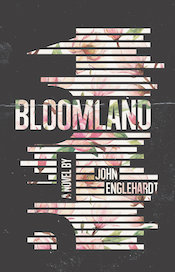
Thursday, September 12th: Bloomland Reading
Seattle author John Englehardt's debut novel from great small press Dzanc Books is about what happens in a community after a mass shooting. The great local literary magazine Moss recently published an excerpt of the book. This will be a launch party for the book, and I'll be interviewing Englehardt onstage. Elliott Bay Book Company, 1521 10th Ave, 624-6600, http://elliottbaybook.com, 7 pm, free.
Friday, September 13th: Cascadia Magazine Event
Cascadia Magazine presents a lineup of great talent from the Northwest, including journalist Karin Jones and climate scientist Sarah Myre. (They'll be discussing polyamory and feminism in the sciences, respectively. Local poets Susan Rich, Martha Silano, Shin Yu Pai, and Robert Lashley will also read. Rendezvous, 2322 2nd Ave, 441-5823, 7 pm, $10 suggested donation, 21+.
Saturday, September 14st: Kathy Acker in Seattle Symposium
See our Event of the Week column for more details. Various locations and times, http://www.kathyackerseattlesymposium.com/schedule.htm
Sunday, September 15th: Represent: The Woman’s Guide to Running for Office and Changing the World Reading
More women than ever are running for office, but author June Diane Raphael won't be happy until women can campaign with the confidence and ease of a mediocre white man. She'll be presenting her new how-to guide for civic engagement, and chatting with Seattle Mayor Jenny Durkan onstage. Town Hall Seattle, 1119 8th Ave., 652-4255, http://townhallseattle.org, 3 pm, $5.
University Book Store's Mill Creek branch to close next month
On their Facebook page, University Book Store announced that their Mill Creek branch is set to close on October 19th. The statement says this is due to a "significant rental increase," and the store's other five locations will remain open. U Book Store's Bellevue branch closed in February of 2017.
Literary Event of the Week: Kathy Acker in Seattle Symposium
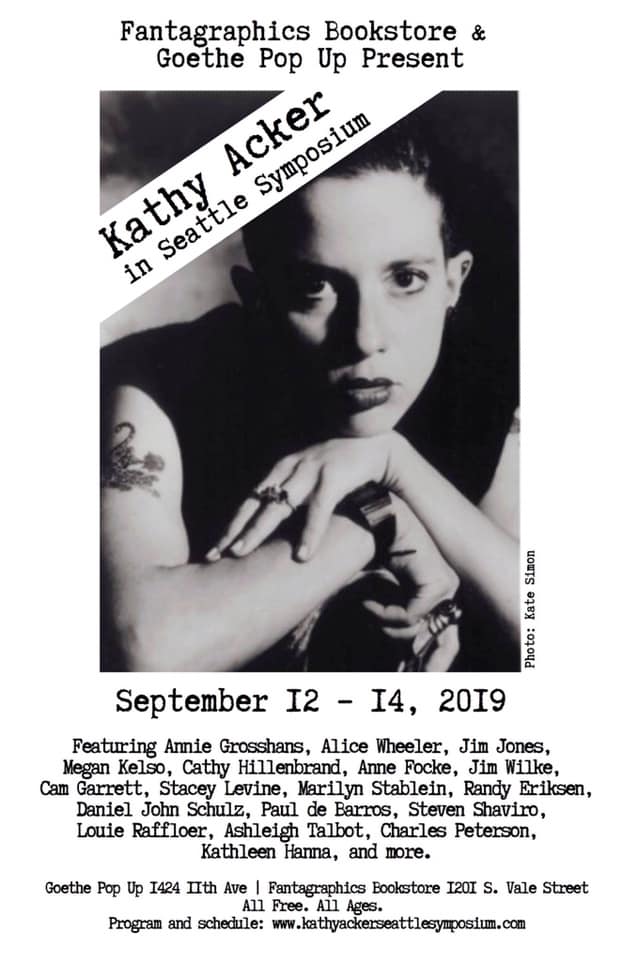
A confession: I've read the Beats and William S. Burroughs and all those literary touchstones, but they've never really spoken to me. They feel distant and chauvinistic and overly praised, like some classic rock band whose glory days came and went a full generation before I was born.
But when I hear people talk about what the Beats do for them — that sense of literary freedom, of bracing stylistic possibility, of taking down the norms and building something new — I absolutely understand that feeling. It's the feeling I had when I first read a book by Kathy Acker.
Acker doesn't enjoy anywhere near the name recognition of Kerouac and the rest, but she did for the 1980s what the Beats did for the 50s: she brought a subculture (in her case, punk rock) to mainstream literary culture, and she pissed off quite a few literary lions while she did it. Her books gleefully dissemble the idea of narrative with more than a little seething rage. They're angry and punky and singular documents — the kind of thing that whispers directly into your ear when you're a young reader looking for a flag to carry.
As I told you last week, Seattle tastemaker Larry Reid is helping to bring a symposium celebrating Acker's work to Seattle on Thursday, Friday, and Saturday of this week. It's all free. If you can't attend the day-long investigation of her work and legacy, you should at least try to attend one of the after-hours readings.
I had no idea until Reid reached out that Acker lived in Seattle at one of the most important moments of her career — just before her milestone work Blood and Guts in High School was published, and while she was working on my favorite of her books, Great Expectations. The symposium will explore Seattle's effect on Acker, and vice versa. Reid believes that the Riot Grrl movement took great inspiration from Acker, and Bikini Kill frontwoman Kathleen Hanna agrees. (Hanna will participate in a group reading at the symposium via Skype.)
Why hasn't Acker received the devotion that Burroughs did? Sexism plays a big part, of course, and it's harder to craft a cult of personality around an author from the 1980s, when there were so many countercultures erupting all over, than it was in the monocultural literary 1950s. But Acker wouldn't enjoy being loved the way Burroughs is, anyway: she'd demand that her readers kill their idols, and she'd laugh the whole time they tore her down. That's why she's the best.
Various locations and times, http://www.kathyackerseattlesymposium.com/schedule.htm
The Sunday Post for September 8, 2019
Each week, the Sunday Post highlights just a few things we loved reading and want to share with you. Settle in with a cup of coffee, or tea, if that's your pleasure — we saved you a seat! Read an essay or an article online that you loved? Let us know at submissions@seattlereviewofbooks.com. Need more browse? You can also look through the archives.
This is Julie, stepping in for Dawn, who is taking a much-needed vacation this week.
Even though it’s September (already!), and Women in Translation Month is over, I’m using this Sunday Post to talk about women in translation (and women translators!). I hope that even without a dedicated month, you might continue to discover and dive into all the great writing by women outside the Anglo-American sphere.
If you can read them in their original language, all the better. But you might also keep a translation around, if only to marvel at the feat of literature required to render one language clearly and elegantly into another.
Here are three great reads that contend with the art and artifice of translation — and engage with writing from Poland to Pakistan.
The daily alchemy of translation
First, a personal essay from translator Jennifer Croft, who finds parallels between her own life and Polish writer Sylwia Siedlecka’s. Croft and her sister Anne Marie were inseparable until Anne Marie was diagnosed with seizures. By age 6, Anne Marie’s life held no resemblance to Jennifer’s. In an almost poetic reversal, Sylwia Siedlecka’s short story “Wodny motyl,” translated as “Water Butterfly” is about conjoined twins.
If you love those weird untranslatable words, you’ll love this essay. Croft muses on all the strange inequities between languages and the “strange alchemy” of being a translator.
In some languages, like Polish, the word for share is the same as the word for divide. It took some time, but finally this did make sense to me. If there is an unlimited quantity of anything, I don’t know what it is. To share is always to give something up: to divide.
Small feet were an advantage
If you’ve had any exposure to the Chinese literary canon, it’s hard to overstate how popular and influential Eileen Zhang (or Chang, depending on the romanization) is. My mother had most of her books lined up on the shelves at home. When I went to college, I signed up for Chinese classes, where I struggled character-by-character through her short stories with a dictionary. Sometimes, I “cheated” by finding the English translations to read instead (sorry mom/Professor Wang, if you’re reading this). For anyone looking for an introduction to modern Chinese literature, there’s no better place to start than with Eileen — her characters are modern, approachable, and alive with smart writing.
Or you can start here: Sheng Yun’s London Review of Books review of Zhang’s novel-cum-autobiography Little Reunions. Sheng does an excellent job of putting Zhang’s life and work in the context of the tumultuousness of a half century of Chinese history. After the communist revolution, Zhang moved to Hong Kong. The United States Information Service commissioned her to write anti-communist novels — in English. Through propaganda, Eileen Zhang effectively becomes her own translator, to frustrating ends:
The novels’ outlines were set by the American propaganda officer, and Naked Earth caused [Zhang] a lot of headaches and ‘mental constipation’. The ‘bedroom scene’ was a challenge too: ‘How do English novels deal with this? Maybe I should read something like From Here to Eternity or Bhowani Junction.’ The Rice-Sprout Song was acclaimed by American critics, but Chang swore she’d never again write anything she didn’t feel committed to, or on a subject she wasn’t familiar with.
Fiction: A promise gone sour
But what happens when a translation just works?
“Can you really like the translation of a book you did not like when you first read the original?” asks Asif Farrukhi when reading Daisy Rockwell’s translation of Khadija Mastur’s posthumous Zameen, a forgotten Urdu story about the upheaval of the Partition.
The original, Farrukhi complained, lacked finesse. It felt hurried, like a first draft. Unfortunately, the author died before the original was published.
But maybe a translation is not just alchemy or mental constipation. It is also a revision — a second draft that the writer could not undertake herself. Under Daisy Rockwell’s “deft hands,” the original becomes accessible, and meaningful — even when translation errors inevitably proliferate.
The work of a translator gives forgotten works to new audiences, and just might save it from the dustbin of history.
The novel did seem hurried over as if some parts of it were meant to be developed further or marked for revision by the author. I recall a conversation with Hajra Masroor Mastur’s sister and a master of the short story in her own right — where she vehemently denied that _Zameen_ was unfinished or in a draft stage. She insisted that the book was exactly as its author had intended it to be. In spite of this, over the years, the book has attracted far less attention than its predecessor. I wonder if its fortune will change and, with this new translation, it will find more readers. As far as I can say about myself, it caught me by surprise and I read it with new enthusiasm.
Whatcha Reading, Gretchen McCulloch?
Every week we ask an interesting figure what they're digging into. Have ideas who we should reach out to? Let it fly: info@seattlereviewofbooks.com. Want to read more? Check out the archives.
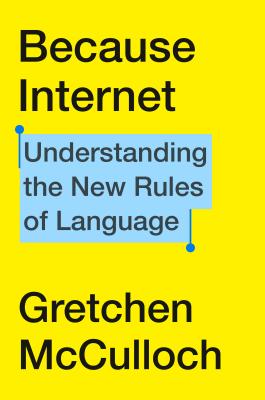
Gretchen McCulloch is an internet linguist, resident linguist at Wired, co-creator of the podcast Lingthusiasm, and author of the New York Times bestselling Because Internet: Understanding the New Rules of Language. McCulloch is appearing this Tuesday, September 10th, at the offices of Textio in downtown Seattle. This is a free event, co-hosted by the Elliott Bay Book Company. McCulloch will be joined in conversation with Textio CEO Kieran Snyder, and our own Paul Constant. Space is limited, so please RSVP on the event's Eventbrite page, where you will find additional details.
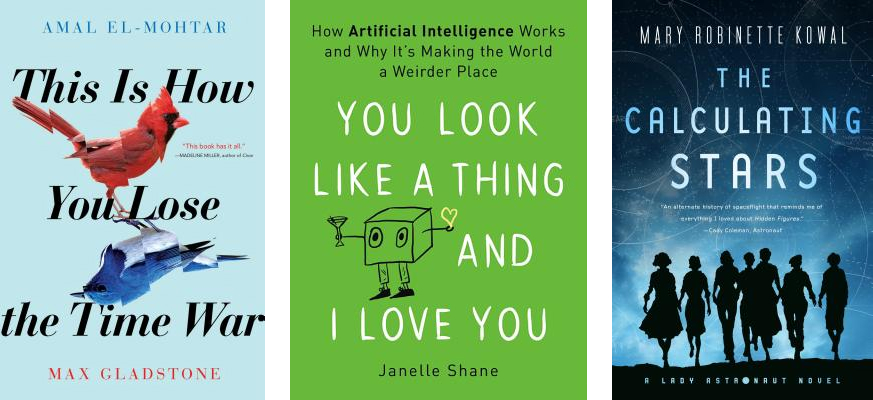
What are you reading now?
I'm currently reading This Is How You Lose The Time War by Amal El-Mohtar and Max Gladstone, which is about duelling time-travellers who start up a correspondence. I got my hands on an advance copy and I read it twice in a couple days because I just couldn't leave it after a single reading. But I had to give the advance copy back so I bought it myself and I'm re-reading it a third time now that it's out so I can tweet my way through it. I don't even know how to describe it to do it justice....the writing is so beautiful and rich and sharp that I recall the book more as a series of flickering, highly saturated images than as words on a page. I've been recommending it incessantly.
What did you read last?
I last read an advance copy of You Look Like A Thing And I Love You by Janelle Shane, which is about AI and all the things that can possibly (and often hilariously) go wrong with it. I'm a big fan of Janelle's blog where she posts experiments in AI humour, so I figured I'd enjoy the book, but I was expecting it to be a little more dense, you know, just because it's a book. But it's highly, highly readable and very funny — I picked it up one evening expecting to just start with 50 pages or so and before I knew it I was over halfway through already. It's coming out in November and like Time War, I've been recommending it to everyone.
What are you reading next?
Next I'm planning on reading The Calculating Stars by Mary Robinette Kowal, which pretty much sold me as soon as it said "lady astronauts" but for some reason I hadn't gotten around to it yet. Now that it's won the Hugo, I really have no excuse!
August 2019's Post-it note art from Instagram
Over on our Instagram page, we’re posting a weekly installation from Clare Johnson’s Post-it Note Project, a long running daily project. Here’s her wrap-up and statement from August's posts.
August's Theme: Once Before
I seem to have made a tradition of bestowing post-it choosing duties on family members in honor of their birthday months. August is my mother, albeit with some external parameters—she asked me to pre-limit her options, for greater ease. I was about to spend the month at a surprise residency in Boise, where my mom grew up, so she chose post-its from my first time at this residency, a couple Octobers ago. We share a fascination with family stories and strange lands; I think it’s safe to say that for both of us, her home state occupies the epicenter of both loves. Back then I was working on a cozy project, making drawings inspired by favorite books. I was expecting to be a little swamped with dead grandparent memories—or very-much-alive cousins and their kids—or feel like a short-haired sore thumb, sorely lesbian in public—or surprised by people’s plainspoken friendliness too—and wandering around town never disappointed, on any of these fronts. But that residency looped my different lives together with a thoroughness I never expected. Outside was the old desert oasis of grandparent-cousin summers, changing seasons in a way I’d only heard about from my mom. But inside, quietly roaming this art-filled house left behind by a gone-too-soon painter, life was improbably twinned with times in England—teaching Saturday morning classes in Cambridge—an ancient house—art in each new corner—strange modern additions disarmingly charming—hallowed modest rooms, carefully preserved—a secret familiarity—allowed to touch the furniture, long before open hours—this beloved space I’ll never regain. I regained it. Meanwhile spending most evenings chatting with my closest cousin, random walks in the foothills or hanging out at his house with his family, casually last-minute plans and joking after work or weekends like it was no strange thing, living in the same place just natural. We’d only had that once before, as teenagers—medical visits to Seattle forcing him to moonlight in my high school memories—all our grown-up times are summer vacations, divorced from normal life. In this Boise house I lived teenage me, childhood summers me, England teacher me, Seattle artist and writer me all at once, I was calm, everything made easy sense. Having just achieved my unlikely dream of living there another month, this time as a writer, I have to admit I still feel the same way I did making this first post-it, the night before the residency even started—staying in my cousin’s guest room, gently engulfed in old music and posters, a quilt made by my grandma’s big sister. Other evenings found me swimming in palatial YMCA pools, sharp turquoise echoes, vast emptied 8pm’s in a town where everyone else has kids, expected home for dinner. Luxuriating in deep waters strangely all to myself, like I’d stayed late in a childhood memory of nighttime fall swimming lessons, my mom gone home. Taking breaks from work to walk along the river at the end of the street, the ragged art of every moment overwhelmed me, too many things to say at once, strange humor, lovely pathos, odd perfection of each detail a little creative ache. At my exhibition, someone paid me an enthusiastically mysterious compliment, surprised by my slideshow of paintings and post-its, so different from the dip pen drawings I’d been making. If anyone knows what he meant please explain, I confess it’s beyond me. (Does Scarlett demonstrate confusingly diverse artistic talents I’ve forgot? Did Margaret Mitchell sneakily paint??) Halloween was my last night in town, my cousin’s toddler in her flamingo outfit a deadpan delight. That post-it appeared online while I was driving home from this year’s residency, the strange calm of that time-traveling house behind me and belonging to another artist and a new month now, just my usual self again, it drives me crazy I can’t be everywhere at once.
The Help Desk: I don't buy it
Every Friday, Cienna Madrid offers solutions to life’s most vexing literary problems. Do you need a book recommendation to send your worst cousin on her birthday? Is it okay to read erotica on public transit? Cienna can help. Send your questions to advice@seattlereviewofbooks.com.
Dear Cienna,
Whenever a local news organization fucks up — and I mean really fucks up, like giving a platform to Nazis — people talk about boycotting that organization. It makes sense: we unfortunately live in late capitalism, so boycotting is possibly the greatest power that we have.
But as soon as people discuss boycotting a media org, I see a bunch of reporters step forward on Twitter and Facebook to say that boycotting is a bad idea, since news organizations are on such shaky financial ground. But of course they would say that, wouldn’t they? I know that journalists are underpaid and that the field is shrinking. But on the other hand, I don’t know if I want to live in a world where there are no repercussions for bad journalism.
Do you think that boycotting a news organization is ever warranted?
Sam
Leschi
Dear Sam,
Yes, I think boycotts can be warranted. I wish people would boycott Fox news but realistically, we will have to wait for old age and alligator attacks to work their magic on that audience. But in order for a boycott to be effective, it has to actually hurt their business model, and that is hard to do when the model is already broken.
Let me ask you: How many newspapers and magazines do you actually subscribe to versus how many articles do you read online, for free?
A majority of people ages 18-49 now get most of their news online. Another study shows that a little over half of people actually pay for it. Journalism is suffering — and bad journalism is flourishing — in part because of this. We've lost years of institutional knowledge as career journalists retire or leave their field for PR jobs that offer humane things like decent pay, health insurance and days off.
Meanwhile, many readers have come to expect a high-quality product on a 24-hour cycle for free. For free. It's completely fucked.
Should quality be better? Yes. And it was, when more people payed for their media. I loved it when Seattle was a two-newspaper town. I loved reading two different takes on the same city council meeting or whatever. I loved having many diverse, well-research viewpoints to better inform my own. But for quality to improve, people have to actually pony up and pay for it.
Without that mechanism, it's like boycotting the zoo and expecting the tigers to give half a silly fuck. Your absence will have no meaningful effect on their lives. They will still be trapped in their cages, pacing and dreaming of death.
Kisses,
Cienna
The Portrait Gallery: Back to school
Each week, Christine Larsen creates a new portrait of an author for us. Have any favorites you’d love to see immortalized? Let us know, or see if you can find them in the archives.
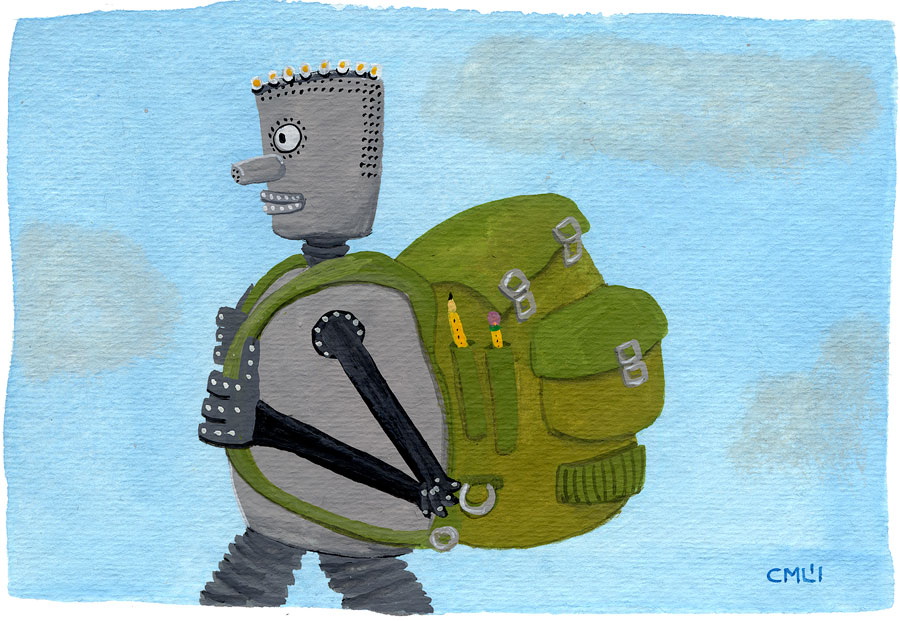
It's back to school! All over the multiverse, young and eager robots, androids, cyborgs, droids, bots, and automatons pass through the schoolhouse gates to learn their binary. Must be that Fall is just around the corner.
Kissing Books: Opposites intract
Every month, Olivia Waite pulls back the covers, revealing the very best in new, and classic, romance. We're extending a hand to you. Won't you take it? And if you're still not sated, there's always the archives.
Among romance readers, there is a strong belief that the main couple of a (non-poly) book must show balance.
This can mean the characters are parallel in some way: childhood sweethearts, second-chance romances, and friends-to-lovers tropes all start by establishing the characters as a pair. Two equivalent weights on the story-scales. A matched set, even before our couple have worked out the issues standing between them.
Other times, balance means means contrast. This is where a lot of your archetypes come in: the billionaire and the waif, the ray of sunshine and the grump, Beauty and the Beast, demigod paranormal hero and physically fragile mortal heroine with a reservoir of emotional resilience. Contrast is good because it generates conflict, and tension, and these are the engines that turn a mere series of events into a proper living story.
Some of the most consistently popular romance tropes use both coordination and contrast. Fated mates and marriage of convenience/fake dating plots usually take two wildly different character types and handcuff them together with some just-believable-enough excuse. And then we sit back and enjoy the fireworks.
Once in a workshop I heard romance author Gerri Russell sum up this romance theory by saying: “If your hero is a firefighter, your heroine had better be an arsonist.” But while there’s definitely a few firefighter romance heroes out there, I have yet to find a single one with an arsonist heroine — not because that wouldn’t be amazing (writers with arsonist heroines: email me!), but because romance as a genre tends to privilege some kinds of opposites over others.
For instance: cops are almost never paired with criminals, especially in m/f romance — shoutout to rare gems like Faking It by Jennifer Crusie, with its art-forging heroine — they’re paired with victims in need of rescue, or occasionally amateur sleuths. Military main characters are much more often given romance arcs with civilians and not with, say, enemy soldiers (Courtney Milan’s In the Pursuit Of… being, again, the rare exception that proves the rule — can you tell I’m inordinately fond of exceptions in romance?).
Which brings me to my least favorite trope of all time: the Battle of the Sexes. Your heroine is a feminist, so your hero must be, oh how clever, and ANTI-feminist! Because the correct resolution to any conflict must lie in the precise middle between two passionate points of view! And it’s important to behave as though trans, intersex, and nonbinary people don’t exist!
Very few authors can pull off the kind of creativity a truly satisfying compromise ending requires. Even fewer can do it on subjects where the both-sides framework is a lazy cliché — Courtney Milan spoke about this once when discussing the time she spent plotting The Suffragette Scandal: she assumed when she created a suffragette heroine that the hero would be the opposite, and would have to be convinced about women’s worth, and then it transpired that… she just didn’t really want to have to write that man as a hero. So she wrote an entirely different kind of scoundrel instead — and ever since I’ve been noticing just how irritating it is when two characters are expected to meet in the middle on questions about, say, the humanity of women. Or people of color, because you bet there’s a ton of romances out there with Green Book-style white saviour narratives that follow a similar pattern.
As if what really matters about feminism is convincing men it’s important. As if what matters about racism is how white people feel about it.
Sometimes, the consequences of contrasted character types means that one character ends up doing all the changing. Or all the forgiving. Take the magical monster/emotionally resilient mortal pairing that happens so often in paranormals. The weaker character is often kidnapped, imprisoned, controlled, or limited by the stronger, for Very Important Reasons. Inevitably they fall in love, and the mortal forgives the monster’s actions. Because romance is about characters learning how to use their strengths for good. So the monster gets to use those powers, albeit more judiciously. The mortal… gets to forgive the monster for abuse of powers. Which doesn’t sound like nearly as much fun.
Are we meant to read this as balanced? As equal? It feels more like a lesson in becoming resigned to power imbalances, rather than a means of correcting them.
What if, instead, a misuse of a paranormal hero’s power was punished in some way by the narrative? What if abusing power got that power taken away?
One of this month’s books actually tries to answer that question: a young mage who has been using his magic to harm others has that same magic locked away when he decides to stop hurting people; what follows is tender and terrifying by turns, and one of the strongest and strangest fantasy romances of the year. Also featured below: a strong Beauty and the Beast variant, a romance between a woman who loves durian and a man who loathes it (the kind of topic on which compromise is actually possible!), a Ren Faire-set story with a priggish English teacher/pirate king and a wench who’s come home to help her family recover, and finally, a historical fantasy romance featuring a Malaysian woman with no magic and no memory, and a highborn British witch under too much familial pressure to wed a fortune.
It’s an excellent mix of contrast and coordinating pairs, just right for the month when summer is poised to transform into fall.

Lord of the Last Heartbeat by May Peterson (Carina Press: fantasy m/non-binary m):
This book? This book. Reading it is like — the feeling you get when you’re going about your everyday business and somehow come face-to-face with a wild creature in the middle of a city.
This book is really fucking good, is what I’m trying to tell you.
It wil snare you in the second paragraph, with her red witch’s eye a glowing carbuncle in the sun. For a time you will have no idea what is going on, but it is dark and it is poetic and you are enchanted. Mio, our young and fragile soul who sings out people’s hidden secrets. Wry and aristocratic Rhody, dead and resurrected with the moonlit soul of a bear, who fights a constant battle with a great curse. Priests in azure chasubles, a war that left thousands of ghosts to trouble the living, a kind of magic that is fluid and artistic and deadly dangerous — to the soul as well as the body. Mio has done terrible things, and he carries that knowledge around like a burden. This is not an easy book, for all its beauty.
Nor is this book an unbalance of powers, as discussed above. Normally the character with greater power has committed the greater crime: your dragon shifters, your vampire lords, your immortal demigods and dethroned princes of Faerie. But it’s sensitive, artistic Mio who has sinned greatly, and is asking to be contained. To be killed, even, at least at the start. The rest of the book is a lengthy exploration of sins and revelations, and when we start revealing that the things wrong in Bedefyr are not precisely what the secret-keepers think, it was pure exhilaration. I could spend months teasing out all the thoughts I have about this. I could spend another thousand words talking about this book — how it’s a Gothic and a Little Mermaid variant and a shatteringly unique fantasy world with not one but two strong, distinctive character voices.
But you don’t need those thousand words. You just need the book itself. This eerie, lovely, wondrous gift of a story. It’s the dark full-fantasy full-romance we’ve dreamed of for years.
My bear-mind was always strangely vivid, emphasizing the environment with a series of scent strokes and heat. I wished I could figure out how to smoke as a bear so I could delicately tap off ashes as I crushed things. Since I couldn’t be so dainty, I released a wave of roars, making the night flash. The soldiers abandoned their positions — loyalty could not suspend their mortality, or ward off the giant black bear that was reminding them of it.

Brazen and the Beast by Sarah MacLean (Avon Books: historical m/f):
This is the book that got me thinking about balance in romance in the first place: it is one of the most exquisitely balanced pairings I have read in quite some time. A woman protecting her brother challenges and falls for a man protecting his sister; Hattie was raised on the docks before her father acquired a title, while Whit was trained as a duke’s heir before taking to the streets of Covent Garden. They’re both of neither world, which lets them find a middle ground together. It’s truly wonderful to see the Beauty and the Beast trope finessed — Hattie is irresistable to Whit, but in her own eyes she’s no beauty, always too much: too tall, too fat, too intelligent, too ambitious. Feeling hurt or vulnerable makes her angry which in turn makes her stand tall and defend herself, and it’s such a damn relief. More heroines blazing with righteous anger, please and thank you!
I only wish… There needs to be a better critical language for this kind of book, when you see something that’s a beautiful, near-perfect success at what it’s trying to do — that aim is totally Someone Else’s Catnip, but not mine. This will be a very useful book to have read, because it is an excellent alpha hero and those are worth remembering. I’m going to be recommending it all over the place. It is not in any way the book’s fault that at the moment I am singularly tired of alpha heroes who are the Mostiest Most In Every Way (biggest, meanest, handsomest, etc). Perhaps it’s only my author-brain getting in the way, as sometimes happens: there are choices made in this book and this series that are precisely the opposite of what I would have done, and my inner critic just will not shut up about it.
When the third book comes out I will be keeping a close eye on others’ reviews, because there are hints about where it will be going and people are going to Have Opinions. I am excited about that in a very nerdy romance kind of way.

Man Versus Durian by Jackie Lau (self-published: contemporary m/f):
“Show, don’t tell” is probably one of the most misused pieces of writing advice out there. Every good writer I know breaks it on the regular — and not just romance writers, but sff, mystery, and your favorite lit-fic darling, too. Telling is efficient. Telling is clear. Writers who think they can’t just tell you something end up wasting words being more opaque than they have to be, and both the book and the reader often suffer.
Jackie Lau’s books tell you straight-up what the characters are feeling: what they fear, what they’re avoiding thinking about, what they want. So we have all that information in mind while we watch them dance through her high-concept situations: fake dating, party planning, the great and always-loveable Only One Bed trope.
And, as here, a classic Opposites Attract. Peter has declared durian his nemesis after it spoiled a tryst of his in college. Valerie not only works in a shop that sells durian ice cream, but durian is her favorite food. He’s happy in his low-key job; she’s missing the intensity and problem-solving opportunities of the software development career that her terrible ex-boss torpedoed a year ago. She’s prickly, he’s soft; together, they’re adorable. This is an emotional romance, but a very low-stakes one — a gentle, easy hug of a book with people you wish you could hang out with in real life. It’s so inviting and pleasant and wholesome that it makes me want to give durian another shot.
She bites into the bun, closing her eyes. I’ve noticed that Valerie likes to close her eyes when she eats, as though it allows her to truly savor food.
“Good?” I ask. For some reason, it’s extremely important that she like it.
“Yeah.” She sighs in bliss.
The extra stop before going to Ginger Scoops was definitely worth it. There’s a tiny bit of custard on her lip, and I want to lick it off. Then I remind myself that it’s durian-flavored and must taste like absolute shit. Still, I would happily lick her lip if she’d let me.

Well Met by Jen DeLuca (Jove Books: contemporary m/f):
Pro tip: when in Chapter One your heroine encounters a large, generically hot blond man whose muscles are explicitly compared to Gaston’s and who is happy to wear a kilt and be ogled by everyone at the Renaissance Faire… no way is that guy the hero.
No, the hero is the dark-haired, uptight, incredibly irritating man with the clipboard, who in the heroine’s words, “would be relatively attractive if he weren’t looking at me like he’d caught me cheating on my chemistry final.”
That’s because romantic comedies live and die on the specifics. The swooniest parts are always context-dependent: Kate Moseley and Doug Dorsey finally nailing the Pamchenko Twist; Harry’s New Year’s Eve list of Sally’s quirks; Lucy In her booth finding a wedding ring clinking down instead of a subway token, and looking up into the smiling faces of Jack and his family.
Or, in this case, a golden cord and a pirate earring at a small-town Renaissance Faire.
Jen DeLuca’s debut is sweet and snappy and light as a lemon tart: Emily Parker has moved to Willow Creek after a breakup to help her sister and niece recover from a serious car accident. Her niece is desperate to be involved in the local Faire with all her friends, and she can’t audition unless an adult volunteers along with her. Her mother is still recuperating, so Emily channels her unfinished English major and signs on as a tavern wench — and immediately has a run-in with the man running the Faire, a starchy, scowly English teacher named Simon, who has his own issues with family and the Faire.
This is the pure undiluted enemies-to-lovers stuff, and it packs a wallop. Reading this book made me feel like a teenager just discovering romance for the first time: the heroine’s hurt and self-doubt, the need to decipher the hero’s true feelings (we stay in Emily’s POV the whole book), the courage it takes Emily to realize she’s worthy of love, how it feels to be tangled in a social and familial web of obligation and loyalty that can either hold you back or hold you up.
It’s a whole functioning world in here, and I hope to get a chance to revisit.
He ran a hand over his jaw again, rubbing at the bristles on his cheek as though he could scrub them out. “This isn’t your community. You don’t live here.”
Those words were a dart, and they hit the bull’s-eye. To my horror, my eyes started to sting. “Excuse me?” I blinked hard. I was not going to let this asshole see he’d made me cry.
But he noticed. “I mean… ” He had the grace to look a little ashamed and started to backpedal. “You’re not staying, right? I thought you were only here short term to help out your sister.”
“Well, I hadn’t thought about it yet. I’m …” I put up a hand, stopping the thought. Stopping him from saying anything else. “You know what? My future isn’t any of your business. What is your business is I represent fifty percent of your wenches, and Faire starts in two weeks. Do you really not want me here?”
This Month’s Sapphic Fantasy Romance With Witches and Fairies and Dragons, Oh My!

The True Queen by Zen Cho (Ace Books: historical fantasy f/f):
You might know Zen Cho’s name from her quirky and charming 1920s biracial retelling of Jane Eyre, her award-winning short story collection, her much-loved debut historical fantasy Sorcerer to the Crown, or the glorious, heartrending f/f fantasy romance novelette “If at First You Don’t Succeed, Try, Try Again”, for which she won the Hugo this year, and which you can read for free immediately at that link. Good luck getting through it with a dry eye, though.
However you come to read Zen Cho, rejoice — for her writing is universally delightful.
We like to compare books to food, and say they nourish the soul, because this is true. Some books are steaks: thick and meaty and bloody in the mouth. But Zen Cho’s works are delicate, decorated, fanciful and wondrous — amuse-bouches, or hors d’oeuvres, or petit fours for the soul. Sweet and pleasing overall with the occasional darkness and bitterness of high-quality chocolate. They are small luxuries: “post-colonial fluff for book nerds,” she’s described it. You’ll find all the light humor and stiletto-sharp wit of Wodehouse and Heyer, both admitted influences, as well as an incisive kindness and sympathy that is all Cho’s.
The True Queen is a sequel to Sorcerer. Like a fugue, the book starts with a simple melody line: a storm, and two sisters cast out upon the shore. Slowly and steadily the figure repeats and builds and varies itself: sundering and reunion, memory and magic, family duty and love and betrayal. The romance is but one note among many, a flute piping above the rest of the orchestra. The plot is not surprising — not if you know anything at all about fairy tales — but it’s so beautifully done that the satisfaction resonates down to the bone. You know it’ll end with a major chord, but it still feels right when those last notes strike your ear. It’s recommended, but not necessary, to have read Sorcerer first, though ultimately I find I prefer this second book, and I cannot wait to see what she’ll write next.
“I take it very kind in Her Majesty to send us a warning,” said Prunella, ignoring this. “But what is the danger that threatens us?”
“Oh, did I not say?” said the Duke. “It is us.”
Prunella stared. “You?”
“Her Glorious Majesty the Fairy Queen desired me to send you her best compliments,” said the Duke, “and explain that she means to kill all English magicians, burn your spell books and sack your miserable country. Her hunger for revenge will only be sated by the wholesale destruction of English thaumaturgy.”
America, in search of America
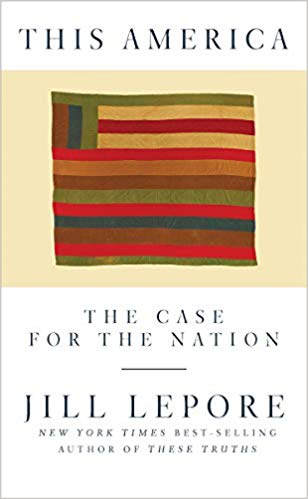
American citizenship, like so much else, has become weaponized. To many on the right, if you question any aspect of America's greatness — even if you simply mention that slavery is a huge part of American history — you are un-American. If you try to tell some people I know on the left that America has accomplished some good and is founded on a good idea, you're hopelessly naive at best, or minimizing the experience of entire groups of people at worst.
I don't mean to play both sides, here. The truth is, I've only rarely been accused of being a corporatist lapdog by a small handful of people on the left, while Republicans accuse me of hating America all the time. But these extremes are telling: it's hard to imagine the left and the right coming to an agreement on the meaning of America anymore.
In her book This America: The Case for the Nation, Jill Lepore argues that American citizenship has lost its meaning, and that Americans have lost a common sense of identity. At under 150 pages and published in a large font with huge spacing, the book feels slight, but Lepore's argument still feels thoughtful and well-supported.
Still, This America feels like a prologue for a longer, more in-depth examination of the American idea that has yet to be written. Lepore walks the reader through American history, recognizing how the establishment has ignored or even targeted groups that are outside the protection of privilege. She argues against blind nationalism in favor of a complicated patriotism that acknowledges our blind spots and failures as a nation.
At the Reading Through It Book Club last night, we wondered why Democrats are so bad at embracing patriotism. While it's true that President Obama made some beautiful pronouncements of love for the United States over the course of his career, he could never coax his party into a fervent embrace of nation. It just seems to be in our character to keep our cynical distance from a full-on patriotism.
Which is a shame, because the conservative embrace of patriotism is complete. Love of country is often used as a cudgel to fend off criticisms and questions. Opposition is often framed as hatred of the nation. It's intended and used as a stifling of opposition in public conversation.
But patriotism used as a weapon isn't true patriotism. Unlike the hatred of nationalism, patriotism is a positive force — a common understanding of who we are and where we're going. Is it even possible to bring together Americans under the guise of patriotism anymore? Would a reinstatement of a robust civics curriculum help, or perhaps two years of mandatory community service for all young Americans? Is there any way to restore something we can all experience in these hyper-personalized times?
One member of the book group suggested that LGBTQ Pride celebrations are a model for patriotism. There's an unalloyed commonality to Pride, a collection of multiple disparate communities coming together to celebrate achievements and recognize obstacles that have yet to be overcome. There is not one monolithic LGBTQ identity, yet LGBTQ communities have found reasons to work together in tandem and deal with their conflicts as one, under the guise of a single identity. What could be more American than that?
Thursday Comics Hangover: Be prepared
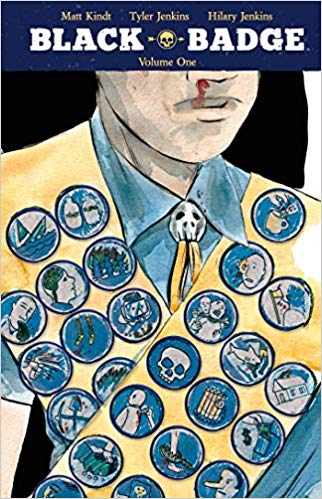
The world of fiction is full of hyper-competent scouting organizations. The Junior Woodchucks in Donald Duck comics are probably the gold standard of fake scouts — the Junior Woodchuck Handbook is filled with more practical information than even the Hitchiker's Guide to the Galaxy — but fictionalized Boy and Girl Scouts are everywhere in popular culture. It's easy to see why the idea would be so pervasive: scouting offers a compelling combination of peril and competency. It at once gets innocent children into trouble and provides them with the tools to get out of trouble. That's practically the definition of a story.
Earlier this year, Boom! Studios published a gorgeous hardcover collection of the first volume of Black Badge, a comic by writer Matt Kindt, artist Tyler Jenkins, colorist Hilary Jenkins, and lettered by Jim Campbell. The premise is a clever twist on the idea of scouts in fiction: it's about a team of covert kid scouts who do black ops work that adults can't do.
When we first meet the team of Black Badge, they're sneaking into North Korea for an undercover mission. "They send us because we're kids," one of the scouts says, his eyes wide open as he tries and fails to get comfortable in his sleeping bag at night. He continues...
...Because it's the perfect cover....I mean, we're kids. We get lost all the time. We can't be tried as adults. We blend in. Who pays attention to a bunch of sight-seeing kids? But we're breaking like ten different laws. And not all countries take it easy on kids.
It's a credit to Tyler Jenkins that he can make this idea not feel sadistic. These aren't cute Precious Moments-style children. That monologue I quoted from above is delivered with the perfect ten-thousand-yard stare. The way the kids' jaws are set as they pass a sign warning, in Korean, that "Trespassers will be killed," indicates that these are not innocents. These kids have seen some shit.
Not that the kids deserve to be swept up into a world of violence. Kindt's dialogue feels ripped from films about new recruits swept into war — even though the kids talk like extras in Full Metal Jacket, there's an absurdity, and a darkness, to the fact that their lines are delivered with such callousness. Hard-bitten or not, they're still kids.
Hilary Jenkins's coloring is the secret weapon. The scouts often head into the wilderness, and Jenkins gives the surroundings a rich, watercolor feel. Without all the violence and the endangered children, these backgrounds could easily be postcards.
You get the sense by the end of Black Badge Volume 1 that the story is just getting started. (In fact, the second volume was just released yesterday.) We've barely scratched the surface of the organization's lore and legend — a huge part of any scouting experience — and someone in the scouting organization is racking up some serious payback for putting generations of kids in the line of fire. Not every serialized comic has a premise that feels both durable and promising, but Black Badge has the feel of a book that will only improve and deepen as the story continues. I can't wait to follow these kids further into the darkness.
Donald Trump's trade war hits the publishing industry.
C. Spike Trotman, the publisher of Chicago-based Iron Circus Comics, tweeted a letter yesterday indicating that the publishing industry is finally about to pay the price for Donald Trump's trade war:
g r e a t pic.twitter.com/u44dwSBF5U
— Iron Spike (@Iron_Spike) September 3, 2019
The worst part of all this is that we can't appeal to the president's better nature. The dumb motherfucker doesn't even read books.
Kathy Acker helped put Seattle on the map. Now it's Seattle's chance to return the favor.

From September 12th to the 14th, the Goethe Pop Up in Chophouse Row on Capitol Hill will team up with Fantagraphics Books in Georgetown to host a free symposium to celebrate the life and work of iconic feminist novelist Kathy Acker. Acker is generally associated with New York City, but she enjoyed two residencies in Seattle that tremendously influenced both Acker and our city. The Kathy Acker in Seattle Symposium will serve as a celebration and a recontextualization of Acker's work, as well as an attempt to establish a record of her time in Seattle.
"I met Kathy Acker in 1980," Symposium Curator Larry Reid tells me over the phone. Reid, who has been a pillar of the local art scene for over forty years and now works as a manager at Fantagraphics Bookstore & Gallery, says Acker's two Seattle residencies helped to put the city on the map.
The NYC-based experimental novelist's first visit to Seattle in 1980 — she lived here for "six to eight months" at the time, Reid figures, was because "she'd recently been divorced and I recall that she wanted to get a fresh start" — was a momentous one. At the time, Acker was putting the finishing touches on her seminal novel Blood and Guts in High School and beginning Great Expectations, which many consider to be her best book, and Seattle had an art scene that was just waiting to clamber on the global stage.
"In 1980, Seattle was pretty much a provincial fishing village where we built airplanes," Reid says. He was involved in the tiny local experimental art scene here — it was largely centered around the And/Or Gallery on Capitol Hill — but Acker's arrival signaled the city's coming expansion.
Though she was on the verge of being discovered by the mainstream at that time in her life, Acker was already "well-known in the counter-culture and in experimental literary circles," Reid explains. She had self-published and self-distributed a number of chapbooks — kind of a precursor to zines — and was known for bringing a punk rock flair to the confessional writing popularized by the Beats in the 1950s and 60s.
"To us," Reid says, Acker's presence in 1980s Seattle "was a pretty big deal. This punk-rock New Yorker with a shaved head coming to town felt like validation in some respects and it gave momentum to younger artists"
"We were all very enamored with her and she had these romantic associations with New York," Reid says. "I think it was a really formative period for Kathy. She complained about Seattle being so remote and said there was nothing to do, but as a writer that sort of isolation serves creativity."
Acker returned to Seattle in 1988, at the height of her popularity, for a brief visit that included a huge reading at New City Theatre, a venue in the former funeral home that would later become Hugo House's first home. Acker's second visit elevated two women who would come to shape the world's perception of our region: Seattle author Stacey Levine and Olympia musician Kathleen Hanna.
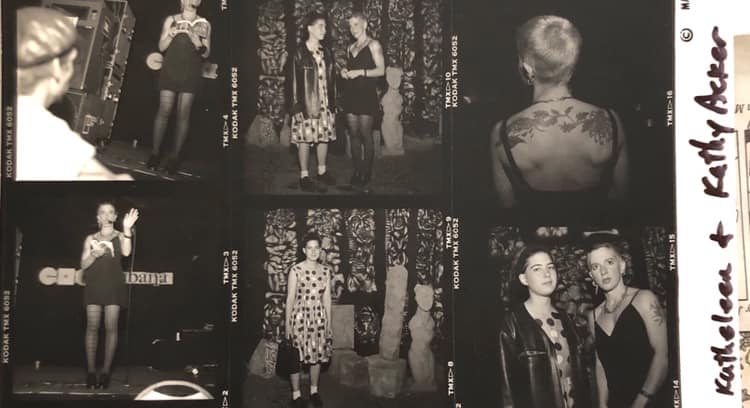
"Kathleen was not known then," Reid says. Hanna credits opening for Acker as "inspiring her to form Bikini Kill," the feminist punk band that paved the way for what would become Seattle's grunge scene. Without Acker, Reid asks, "do we know if Sleater-Kinney would've happened without Bikini Kill — or Portlandia, or you know, any of that?"
Levine became one of Seattle's greatest literary talents, a wholly original talent who composes beautiful fairy tales that dance to some monstrous unconscious rhythms. Her work simmers with some of the same heat of Acker's fiction.
For a certain generation that came of age in the late 1990s, myself included, Acker is a foundational talent — an author who means as much as William S. Burroughs did for the generation before. Acker shares some qualities with Burroughs — a proclivity for nonlinear storytelling, an eagerness to push the idea of narrative beyond its breaking point — but there's a rage and a humanity underlaying all her work that I could never find in Burroughs.
But while Burroughs is still read and half-understood by young white boys with literary aspirations, Acker seems to be fading into history.
That's where next week's Symposium comes in. Featuring dozens of contributors including Hanna, Levine, cartoonist Megan Kelso, poet Marilyn Stablein, author Paul de Barros, and bookseller Gary Wilkie, the Kathy Acker in Seattle Symposium is a mixture of exhibitions, panels, readings, and reminiscences intended to identify Acker's impact on Seattle, and vice versa.
Of course, Acker herself wouldn't be happy with a calm and academic dissection of her work. That won't be a problem here. Reid warns that a number of opinionated Acker fans are going to be in attendance, and there will be plenty of opportunities to gather at the Comet Tavern and at the Fantagraphics Store in Georgetown to "informally discuss whatever issues arose in the panels." Reid says "I'm sure that conflicts will happen, based on my initial research. Maybe some beer will smooth things over, but everybody's not gonna agree on everything."
Reid has spent about two years organizing this symposium, but he's quick to add that it's not planned down to the minute. "I haven't fully scripted a lot of this because I want it to feel organic," he insists. "From the meetings that I've had with the panelists, it feels like this is going to be phenomenally interesting."
Assembling the symposium has "been a really emotional process," Reid says. "I adored Kathy. We became close and stayed close right up until her death in the late nineties."
But despite the personal connections, "I want to avoid the suggestion that this is just an exercise in nostalgia," Reid insists. It's about looking closely at where we are and where we're going — as a city, as an art scene, and as a post-Acker literary community. Ultimately, he says, "we hope to look at the past as a way of informing the present and inspiring the future."
Have you heard the one about the person who forgot to buy David Sedaris Tickets? It's too sad to repeat...

Sponsor Northwest Associated Arts is bringing David Sedaris back for his annual visit to Benaroya Hall. For those of you who already have tickets, you should turn to your neighbor and explain just why they have to see Sedaris live.
Because no other performer brings the energy, vivaciousness, or good humor to their readings that Sedaris does. He’s always a treat, always on point, and always bringing new works to his adoring audience.
Make sure to join Sedaris for his visit, you can
purchase tickets now, or read more on
our sponsor’s page.
It's sponsors like Northwest Associated Arts who make the engine of our website purr so smoothly. They’re returning sponsorship means the world to us. Find out what sponsorship can do for you on our sponsor page. We’d love for you to find out why so many of our sponsors come back again, and again.
A kingdom of crows
Published September 3, 2019, at 12:00pm
Sarah Smarsh reads from her beautiful memoir about American decay tonight. Are we all doomed to fight for table-scraps as income inequality grows?
white savior industrial complex
while reading a pale-faced activist’s
book on civil disobedienceI encounter the passage of
that time he evaded Johnny Lawby hiding with his buddies
in Yellow Face onstage,the “wrong side of Murder Creek”
I think how activism, like feminism
often fails people, like that time175,000 protestors armed with
pussy hats marched throughthe International District on the eve
before the Lunar New Year,without giving the community notice
ahead of time, never considering howthey’d close streets, affect traffic,
or impact business on what wouldusually be the busiest weekend
of the year, even Uwajimayaseeing a drop in sales
Your Week in Readings: The best literary events from September 2nd - September 8th
Monday, September 2nd: Variations of Labor Reading
See our Event of the Week column for more details. Town Hall Seattle, 1119 8th Ave., 652-4255, http://townhallseattle.org, 6 pm, $5.
Tuesday, September 3rd: Heartland Reading
Sarah Smarsh's memoir is everything that Hillbilly Elegy was supposed to be but wasn't. It uses Smarsh's own story of growing up in intergenerational poverty to exemplify everything that's gone wrong with America's economy. It's a beautifully written example of economics in action, and a damning indictment of America since the 1980s. Elliott Bay Book Company, 1521 10th Ave, 624-6600, http://elliottbaybook.com, 7 pm, free.
Wednesday, September 4th: Reading Through It Book Club
As the literary fall starts to heat up, consider taking a moment to join the official Seattle Review of Books book club to discuss Jill Lepore's brilliant, tiny book about embracing the complicated horrors and joys of American citizenship, This America: The Case for the Nation. Third Place Books Seward Park, 5041 Wilson Ave S, 474-2200, http://thirdplacebooks.com, 7 pm, free.
Thursday, September 5th: How to Prepare for Climate Change
Press info says this talk builds "on the recently released Intergovernmental Panel on Climate Change (IPCC) Global Warming of 1.5ºC Special Report and the 4th National Climate Assessment. Your host is Dr. Heidi A Roop, a local climate scientist who is trying to investigate ways out of this pickle we've gotten ourselves into. The Mountaineers, 7700 Sand Point Way NE, 7 pm, donations.

Friday, September 6th: Kochland Reading
Christopher Leonard took years to investigate the shady organizations that funded the Koch Brothers' multi-billion dollar crusade against the public good. Today, Leonard joins me for a conversation about how the Koches got rich, what they've done with the money, and what happens to the organization now that one of the brothers is dead. Town Hall Seattle, 1119 8th Ave., 652-4255, http://townhallseattle.org, 7:30 pm, $5.
Alternate Friday, September 6th: The Public Option Reading
Ganesh Sitaraman previously worked as a close economic adviser to Senator Elizabeth Warren. His latest book is an argument for public ownership of utilities and services as a way to strengthen the nation's communal wealth. Town Hall Seattle, 1119 8th Ave., 652-4255, http://townhallseattle.org, 7:30 pm, $5.
Saturday, September 7th: Suzan-Lori Parks
All afternoon and evening, the MacArthur "Genius" winner, playwright, novelist, and musician will be hosting short plays, Q&A sessions, and musical performances to celebrate the grand re-opening of Town Hall Seattle. Parks is an amazing performer as well as a captivating writer. Don't miss this one. Town Hall Seattle, 1119 8th Ave., 652-4255, http://townhallseattle.org, 2 pm, free.
Sunday, September 8th: Short Stories Live
Beloved local poet Claudia Castro Luna hosts an afternoon of Seattle-centric storytelling with authors including Tyrone Beason, Elissa Washuta, and Ramon Isao. Expect a few surprises, too. Town Hall Seattle, 1119 8th Ave., 652-4255, http://townhallseattle.org, 4 pm, $15.
Event of the Week: Variations of Labor reading at Town Hall
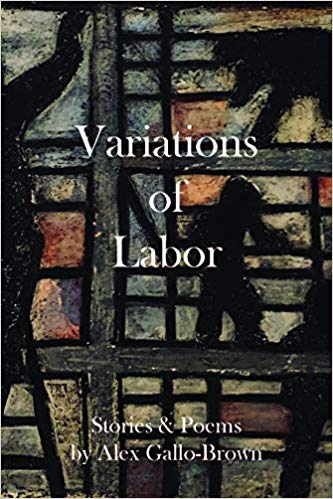
Alex Gallo-Brown is a local writer who also works as a union organizer. If you think those two careers sound disparate, you're not paying attention to the media world, where journalists are finally standing together to demand that they be treated better than a few interchangeable cogs in whatever kind of machine still uses cogs in the 21st century.
But Gallo-Brown was there first. Born and raised here in Seattle, he's attended just about every major political action that's unfolded in the last five years. Forged in the Great Recession, he's keenly aware that workers in America are getting shafted even while the bosses are making more than ever before.
Today, in a special Labor Day reading, Gallo-Brown will be debuting his new collection of fiction and poetry about work and unions, Variations of Labor, at Town Hall. He explained the new book to the South Seattle Emerald's Reagan Jackson back in February:
My day job is labor organizer, labor advocate. That’s one of the things I’ve been thinking a lot about over the last three or four years is work both in terms of our professional lives, but also the emotional labor we perform to survive both in our relationships and also in our daily lives and in our work experiences. [Variations] is sort of a mix of people working and living their lives. The poems get more at the emotional interior lives of people’s experience both at work and in their daily lives.
It's going to be a busy Labor Day at Town Hall; upstairs, Congressperson Pramila Jayapal will be talking with former Clinton Labor Secretary Robert Reich. They'll be discussing what it means to work in America in the 21st century. But downstairs, Gallo-Brown will be telling those stories in an emotionally approachable way. This is what literature is for: to take disparate experiences and make them relatable, to find the heroic in the everyday. In Gallo-Brown's book, every worker is a hero.
Town Hall Seattle, 1119 8th Ave., 652-4255, http://townhallseattle.org, 6 pm, $5.
Sunday Post for September 1, 2019
Each week, the Sunday Post highlights just a few things we loved reading and want to share with you. Settle in with a cup of coffee, or tea, if that's your pleasure — we saved you a seat! Read an essay or an article online that you loved? Let us know at submissions@seattlereviewofbooks.com. Need more browse? You can also look through the archives.
Editor's note
Between writing the copy below and the time you're reading this, poet and critic Robert Lashley published an essay that defines why this weekly column exists. Lashley writes about Toni Morrison, his childhood, and his mother; it is humbling to see the grace with which he navigates between thoughtful analysis of Morrison's work and reflection on a deeply personal and difficult story. This is everything good writing about books should be, and I'm thrilled to have a place to highlight it.
If I could hear my mother read again
If, as Oscar Wilde said, we are all in the gutter but some of us are looking at the stars, my mother’s voice was a rocketship. Graduating from The University of Washington in 1973 with a major in African American studies and a minor in Latin American studies, Glennis Wilson was one of finest literary minds I have ever heard or will hear. As an intellectual she was great misanthrope, and like all great misanthropes she was a broken-hearted idealist. She carried the scars of being excommunicated from progressive antiwar, black power, civil rights, and socialist movements for the sin of her occasional skepticism. Yet it was in literature, in the writers and likeminded people who represented democracy better than founders and most fortunate beneficiaries, where she found her true exemplars of the human condition.
One of my go-to newsletters is "Why is this interesting,", written by Noah Brier and Colin Nagy with frequent guests. When I first came across it, that seemed like the quintessential question the Sunday Post tries to answer, one paragraph at a time — why is this essay interesting? Why should you read it? They do a marvelous just-the-right-length job of responding to that question every time.
In the last few weeks, their newsletter has been talking about navigation — wayfinding, and what the ability to find your own way does for your brain and spirit. There's a lot of cool stuff about compasses and navigating by the stars, and about people who are finding their way back (pun intended) to the hand-rolled navigation styles that preceded Google Maps’ little blue line.
The flip side of finding your way is getting lost. Getting lost is something I do well and often, sometimes even trying to get back to my table after visiting the washroom in a new restaurant. Hunting for a house, I have criss-crossed the city I've lived in for 14 years and been delighted and a bit chagrined to see how all the neighborhoods, well, connect to each other. They're not geographic islands! I knew this conceptually, but to have your brain map it as a physical reality is like putting on glasses for the first time.
Those who are good at getting lost know the panic of the wrong turn before an important appointment and the frustration of well-intentioned navigators in the passenger seat. They also know the pleasure of finding your own way back from lostness. As a solo hiker, I was often lost and as often gratified by my ability to remain calm and puzzle my way back to the trail. Since partnering up, I've lost that (pun intended, again); when I turn down the wrong path, there's always a voice to call me back. It saves time but sacrifices something else — something I discovered after hours of real terror in the desert in Las Vegas once, trying to find a bit of sandstone that looked familiar while the sun went down and my cut leg burned and the sound of coyotes echoed from not too far away.
There's the reward of self-sufficiency, of course, which is what "Why is this interesting" is focused on. But there's something more than that, too. There's seeing the world become strange, seeing how memory transmutes fear to wonder, seeing yourself become strange and wonderful.
There are innumerable books about getting lost; one of my most beloved is Michael Ende's The Neverending Story, which, if you are only familiar with the movie, will surprise you with the depth of the sadness in it. Bastian Balthazar Bux loses himself, piece by piece and willingly, in the wonder of the world he's found. The trope is not uncommon, but the tone is: it's a story of incredible loneliness and longing and fear.
The protagonists of "door into" books are so often heroes waiting to be discovered; Bastian is a childish antihero, instead, like Narnia's Eustace Scrubb, who loses himself inside a dragon's skin. Bastian is infinitely more complex, though, and his lostness infinitely more resonant. His story tells us why getting lost in the real world and finding your way out of it is such a necessary joy: it promises that you can be terribly, terribly lost, even within yourself, and still find the way home.
I mentioned Rebecca Solnit last week and hesitate to do so again, but her Field Guide to Getting Lost is just a few feet away and too appropriate not to check. "We treat desire as a problem to be solved," she says, "... though often it is the distance between us and the object of desire that fills the space in between us with the blue of longing." I saw the blue of longing in a shallow pool at the top of a white sandstone canyon once. I've never forgotten the brilliance of it.
The Wayfinding Edition
What I didn't realize then is that this practice of land navigation was forming my mind and thoughts in a certain way. Unfortunately, it’s a way that I've likely lost after a decade of using Google Maps for navigation on my iPhone. As Maura O'Connor notes in her new book _Wayfinding_, and a recent Washington Post article, the hippocampus—the part of the brain that allows us to orient in space, recall events from the past (episodic memory) as well as the ability to imagine ourselves in the future—shrinks when it isn’t used. She also notes that atrophy in that part of the brain is linked to post-traumatic stress disorder and Alzheimer’s disease. It seems not using a map isn’t just affecting how I think today, but it can also affect my thoughts well into the future.
Other good reads this week
Soroya Roberts on white angst about writing about black culture:
Why is it that when I see Halsey on the cover of Rolling Stone I don’t think twice, while seeing Cardi B makes me feel out of my depth? My woeful lack of music knowledge is the same for both of them. If anything, I should feel more of an affinity for Cardi because I’ve actually heard a couple of her songs. But I don’t, because Cardi’s otherness eclipses everything else about her and becomes her identity — she reads insurmountable. Halsey, who passes like me, despite us having nothing else in common, plays less obscure. Is that racist? Cause it sure as hell sounds like it is.
Katie Booth on the divorce between sound and hearing:
Once I began to wonder where the real borders of musicality are, the world started to crack open in beautiful ways. Some particular types of movement pattern, sensations of wind. Watching telephone poles through a car window is a musical experience, Kim tells me. As soon as she says it, I remember a 2013 event in Boston in which the poet Raymond Luczak read a poem with this same image, his arms embodying that exact tune: “As you drive home, notice how rhythmic / telephone poles and corner signs are. / Wonder why no one ever thinks of making music / for eyes alone.”
Given that women have been the majority of the undergraduate student body in many countries for the last three decades, one can no longer argue that equality can be achieved by simply waiting for young female scholars to emerge at the end of the academic “pipeline.” “The increase in women at later stages of the pipeline is the consequence of a slow ‘pull’ provided by the expanding pool of women at the beginning,” the authors of a 2008 study in Science suggest, “not because of an effective ‘push’ that reduces attrition during career advancement.”10 Strengthening this push, however, means addressing the sexist practices that “push” men along the cursus honorum, because these practices tend to be the very same mechanisms that oust women from the academy. The zero-sum nature of this problem makes it difficult to discuss, let alone redress. Ugly small-brained misogyny explains only part — albeit an important part — of this result. More insidious are banal sexist practices that reinforce one another to compose a vast ramshackle machinery that elevates men to the pinnacle of the ivory tower.
Whatcha Reading, Paul Mullin?
Every week we ask an interesting figure what they're digging into. Have ideas who we should reach out to? Let it fly: info@seattlereviewofbooks.com. Want to read more? Check out the archives.
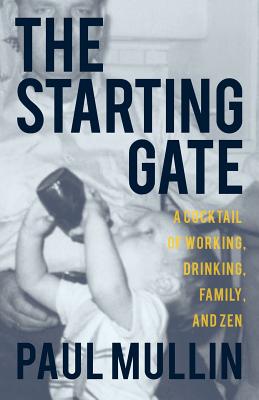
Paul Mullin is a Seattle-based writer, self-described "recovering" playwright — for which he won a Stranger Genius award — host of the monthly reading series Loud Mouth Lit
, and author of The Starting Gate: A Cocktail of Working, Drinking, Family, and Zen. The next Loud Mouth Lit is Tuesday, September 24th at 8pm at St Andrew's Bar and Grill. Paul will be joined by Kelleen Conway Blanchard, author of The Neverborn (in its last weekend at the Annex Theatre!).
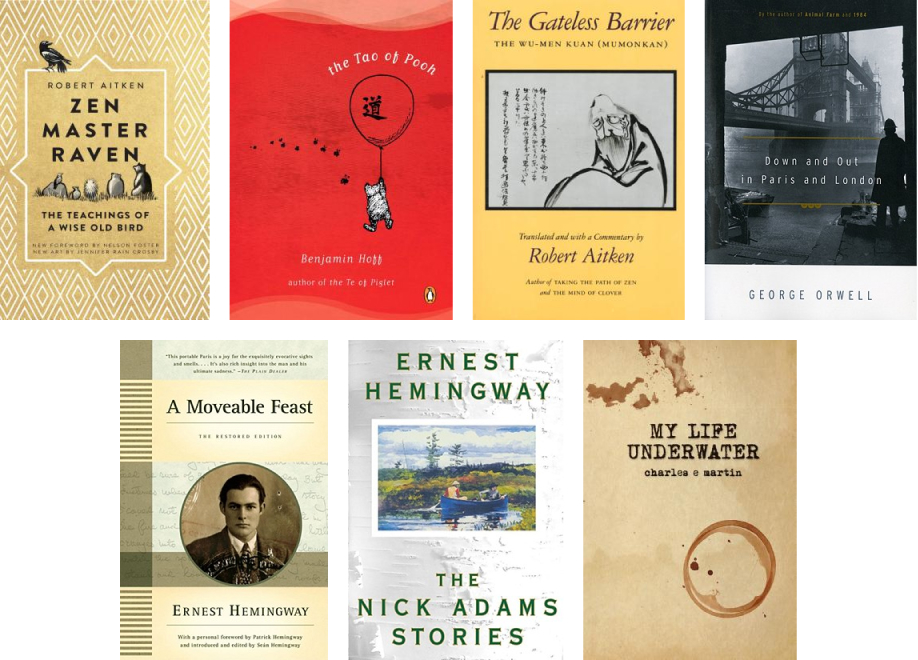
What are you reading now?
A buddy of mine gave me a couple books before he moved to Kyoto with his wife and daughter, one of them is Zen Master Raven: Sayings and Doings of a Wise Bird by Robert Aitken. I put it off for a while, because I was afraid it was going to be a cutesy, twee, Westernizing white-wash of the practice I’ve been engaged in for over three decades now, something in the vein of The Tao of Pooh (though I have to say that I do owe that book a huge debt). Instead, Zen Master Raven is a stark, deep-running collection of what can only be called modern American koans. Not surprisingly, Robert Aitken turns out to be a bona-fide Rōshi, having received the Dharma transmission from Koun Yamada in 1985. His stories have the same starkly ineffable force as any koan you might find in the classic Zen text The Mumonkan. I would love to figure out how to infuse this quality into my own story-telling: the clarity of a wooden block.
What did you read last?
I recently went to Europe for the first time in my life and I went on a bit of a Paris kick with my reading when I got back. I bounced from Hemingway to Orwell’s Down and Out in Paris and London to Alan Furst’s wonderfully wrought series of spy books set in and around the City of Light prior to and during World War II.
When it came to Papa in Paris A Moveable Feast was a no-brainer pick and it did not disappoint. It’s a plain joy, with the absurdly handsome and virile young Hemingway serving as a synecdoche for all of America’s blundering, blustering early 20th Century youth crashing into the jaded mores of Europe. But I also checked out The Nick Adams Stories, and finally learned a valuable lesson about Hemmingway’s stories. They either speak to you or they don’t. It ran about 50/50 for me, but the ones that worked were a revelation of understatement and meticulous observation. He’s a bit like Chekhov that way, though Chekhov’s batting average is way higher than .500 (for his short stories anyway: ironically or not, I am not a big fan of his plays).
Orwell’s book is a must read, if only to understand that homelessness has always been a problem in big cities and their surroundings. The “Seattle-is-Dying” crowd would have loved England’s solution in the 1930s, which was to force itinerant men to shelter each night in a different town or village, forcing them to walk as much as 20 -30 miles each day between stays.
I finally had to let the Furst books go when the main characters started blurring into the same flawed but ultimately noble Allied operative.
What are you reading next?
I’m so stoked to answer this question because I can’t wait to read a book that got handed to me on Wednesday by the author Charles E Martin. It’s called My Life Underwater. I’ve only read the first page, but based on that it promises to be excellent.
I have special tangential connection to Charles because he’s the new cook in my neighborhood bar, The St Andrew’s, which also happens to be where I host my monthly literary series Loud Mouth Lit. It delights me to think that I have some small part in expanding the soccer-and-scotch bar I first stumbled into from the bus stop 15 years ago into a genuine literary establishment. The Algonquin of Aurora, maybe? I have a strong suspicion Martin will be one of my LML guests in the coming months. So stay tuned. Seattle’s a small world for writers, and I hope that never changes.
The Help Desk: I have a huge vocabulary. Why can't I pronounce any words correctly?
Every Friday, Cienna Madrid offers solutions to life’s most vexing literary problems. Do you need a book recommendation to send your worst cousin on her birthday? Is it okay to read erotica on public transit? Cienna can help. Send your questions to advice@seattlereviewofbooks.com.
Dear Cienna,
I’m fed up with the reader’s curse. I have a big vocabulary and I know the names of plenty of important people, but it seems like every time I try to toss off a big word at work (elucidate, anyone?) or refer to a major historical figure, I mispronounce them terribly because I’ve only ever encountered them in print. (I still remember the first time I did this, back in high school, when I gave a presentation on Socrates who I referred to as “SEW-crates” several times.) I’m trying to sound smart, but mangling the pronunciation always makes me sound like a total moron.
I try to Google, for instance, “how do you pronounce Miriam Toews,” but different YouTube pronunciation guides offer completely different pronunciations. Should I just stick to monosyllabic words and bland British names from now on? And just to be safe, how do you pronounce “monosyllabic,” anyway?
Perplexed in Portage Bay
Dear Perplexed,
"Tanzaynia," "diversary," "covfefe," "premedication," "Nambia," and "infantroopen," are just a few of my favorite words President Donald Trump has mispronounced or made up entirely. These are the words I call to mind every time my vigilance slips and I mispronounce "pedestrian" in public. (Think of a pedophile injuring himself while taking a shit. That's how I pronounce it: "pedo-strain".)
For readers, that is the silver lining on the clusterfuck shit-pile of these last three years – if the leader of our nation can't pronounce basic words, or even fucking remember them, how can anyone judge you for mispronouncing "Socrates" or "elucidate" or "macabre"?
They can't. They are puckered assholes if they even try, so you go ahead and scream "Miriam Toews" from the rooftops until your pretty pink lungs cave in.
Kisses,
Cienna
The Portrait Gallery: One last float?
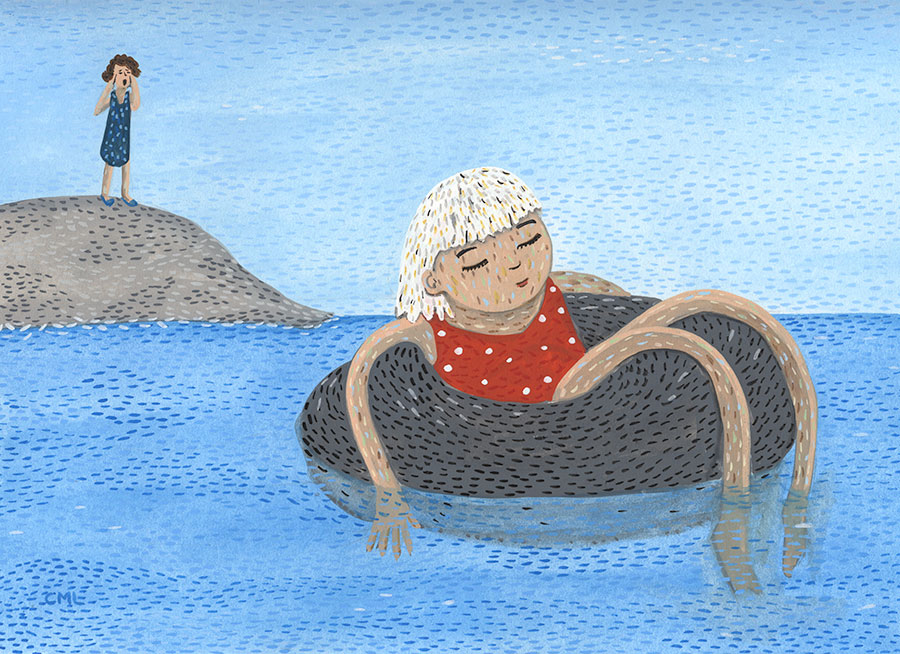
How about one last float in before Summer is officially over?
Looking to explore Seattle? Seattle Walk Report has a starter walk suggestion for you.
A couple weeks ago at Seattle Public Library, I interviewed Susanna Ryan, the formerly anonymous cartoonist behind the popular Seattle Walk Report Instagram feed and boo of the same name. What follows are two brief questions and answers from the video, which have been edited for clarity.
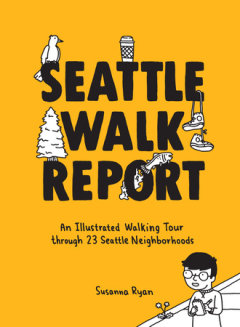
How does it feel not being anonymous anymore, now that you've been not anonymous for, I dunno—what, 19 hours?
I think you'll have to maybe check in with me in a week or two. It hasn't really hit me yet. [To audience:] It's just so amazing to me that all of you, living your independent lives, doing your own thing, came out here tonight. It really means a lot to me. So I don't know — I guess we'll see how it goes. I don't anticipate my life changing that drastically. I might get recognized in Trader Joe's and that's okay.
Do you have a good starter walk for people who maybe want to experience Seattle and don't want to walk 30 miles at the start?
You know, I've recently really come to recently enjoy the Chief Sealth Trail in south Seattle. I think it's beautiful. There is never many people around. I don't think that urban walks really appeals to everybody, but the Chiief Sealth Trail, I feel, is a good way to be out, but it's more secluded. I really like that.
For the full interview, watch this Seattle Channel taping of the reading:
Paper Boat Booksellers to open in West Seattle on September 7th
Yesterday, West Seattle's newest bookstore, Paper Boat Booksellers, sent out an email to its list yesterday announcing a soft opening date:
After 4 long months we are finally ready to open for business! Please join us on Saturday September 7th as we open our doors and test the waters for a few weeks-this will lead up to an official Grand Opening event towards the end of the month.
They'll also be hosting a reading with novelists Nicole Meier and Jennifer Gold on Friday, September 13th at 6 pm.
Paper Boat is located at 6040 California Ave SW and they'll be open Tues-Sat 10am-7pm and Sun 11am-5pm. They're closed Mondays.
Thursday Comics Hangover: It's a marvel
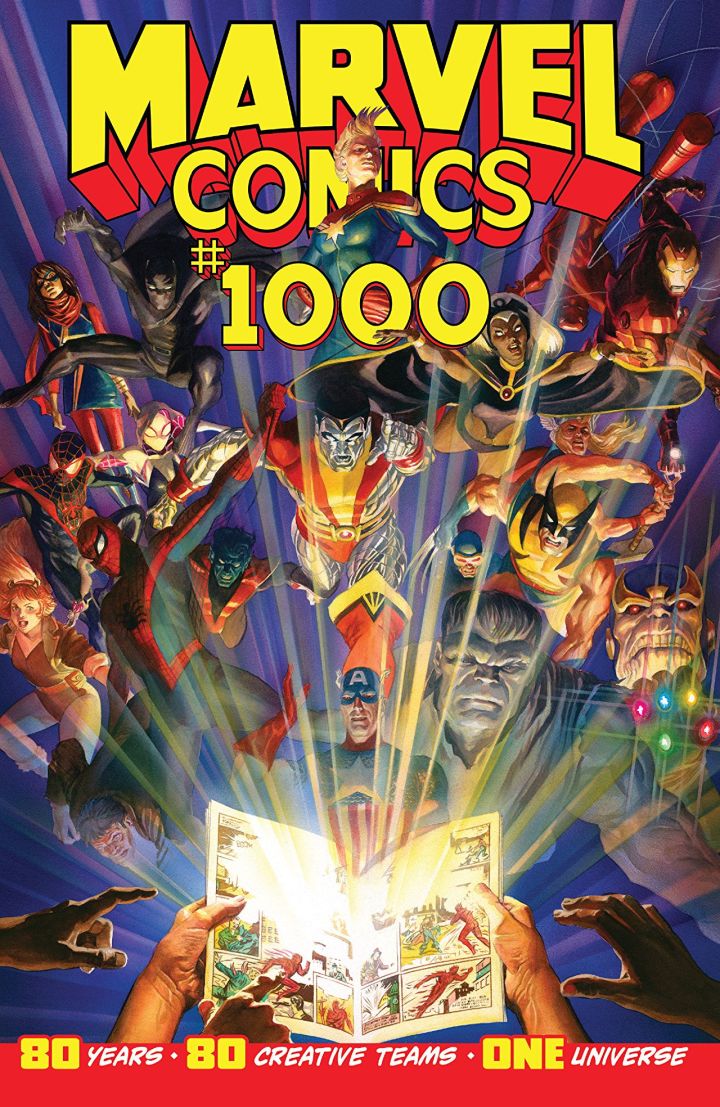
Yesterday, Marvel Comics published a giant ten-dollar comic to celebrate the company's 80th year in business. They titled the comic, confusingly enough, Marvel Comics #1000. That doesn't make any sense — Marvel has published way more than one thousand comics, and there was no series called Marvel Comics that ran for anything near a thousand issues.
But even though the title is worse than meaningless, the book is a lot of fun. It's made up of over 80 single-page comics that span the breadth and depth of the Marvel universe, including characters ranging from Tessie the Typist to the Incredible Hulk to The Whizzer. Each page echoes some moment in its corresponding year in Marvel History — the debut of Strange Tales, for instance, is accompanied by a funny and beautiful strip starring Doctor Strange by Mike Allred — though some of the more recent years are definitely stretching to find a milestone to celebrate. (I'm not sure Stan Lee cameoing in Guardians of the Galaxy Vol 2, commemorated in 2017, is especially noteworthy, given that he appeared in every Marvel movie through Avengers: Endgame.)
Not every page will make sense to every comics reader, but the book is delightful because it's a celebration of what makes comics unique. The best strips — particularly one featuring Captain Marvel explaining the predictable cliches of every climactic battle — stretch the form of comics to see how much information can be packed into a single comics page.
There's an ongoing story, too, mostly in the pages written by Al Ewing, about a mysterious organization that has haunted the Marvel Universe from its very beginning and their quest to harness a previously undiscovered object of power. It's melodrama, to be sure, but it's great melodrama of the kind that made Marvel Comics so compelling to audiences over the decades.
One continuing theme in the book involves various Marvel heroes being interviewed by someone with a single question: why do you do what you do? Some of the answers are cliched, but others are genuinely insightful — little bursts of novelty that cause readers to look at well-documented characters in a new way. And there's a Spider-Man strip that is at once touching, thoughtful, and a little bit creepy — in other words, it touches all the bases of a good Spider-Man story.
I was prepared to not enjoy Marvel Comics #1000, because most self-tributes are treacly and sentimental. This book, however, succeeds because it's not so much a tribute to the characters of Marvel Comics, but instead a tribute to the medium that made the characters so unique in popular culture. This is a tribute to comics, and their unique storytelling abilities. It's a remarkably pure celebration of the joy of comics.
Save the Date: Lit Crawl is happening on October 24th, 2019

From the indispensable Lit Crawl Twitter feed comes a gorgeous poster for this year's Lit Crawl, which will be unfolding all over Capitol Hill on October 24th.
Crowd-sourcing the canon
Since August 2014, Meytal Radzinski, a scientist and book blogger, has been leading Women in Translation Month (WITMonth), a movement to bring more attention to books by women who write in languages other than English.
This year, in addition to the usual ambitious mix of book reviews and statistical analysis of publishing data (good and bad), she added a crowd-sourced canon: 100 Best Books by Women in Translation (#100 Best WIT). She invited anyone and everyone on Twitter, Instagram, and beyond to each nominate 10 books by women writing in a language other than English, in any genre, whether the book had been translated into English or not. The final list was culled from nearly 800 unique nominations. I asked Meytal a few questions about the process.
What has surprised you most about the breadth of nominations for 100 Best WIT?
One of the coolest things has been seeing how specific some people get! A lot of the time it’s things like a translator promoting their own work, or a relative promoting a family member’s achievement, but sometimes it’s just “I love this specific random book, it’s so great!!!” and I’d never even heard of it. There ended up being so many books nominated that I knew off the bat would never make it onto the final list, but were clearly books that whoever was voting for them loved.
Back on August 10, in your blog post “Creating a new canon,” you observed that Oceania had been the only human-populated part of the world with no representation among the nominations. Any chance that changed since then? What should we read from Oceania?
There was no title from Oceania until the end, alas. I think part of the problem is that there’s very little literature translated from indigenous Australia/New Zealand writers (also little written, as far as I can tell). I’ve never read any books by women in translation from Oceania (I read a poetry collection that was bilingual translated into Māori…), but this great article published this month has Pacific titles. I hope to get a chance to read them next year!
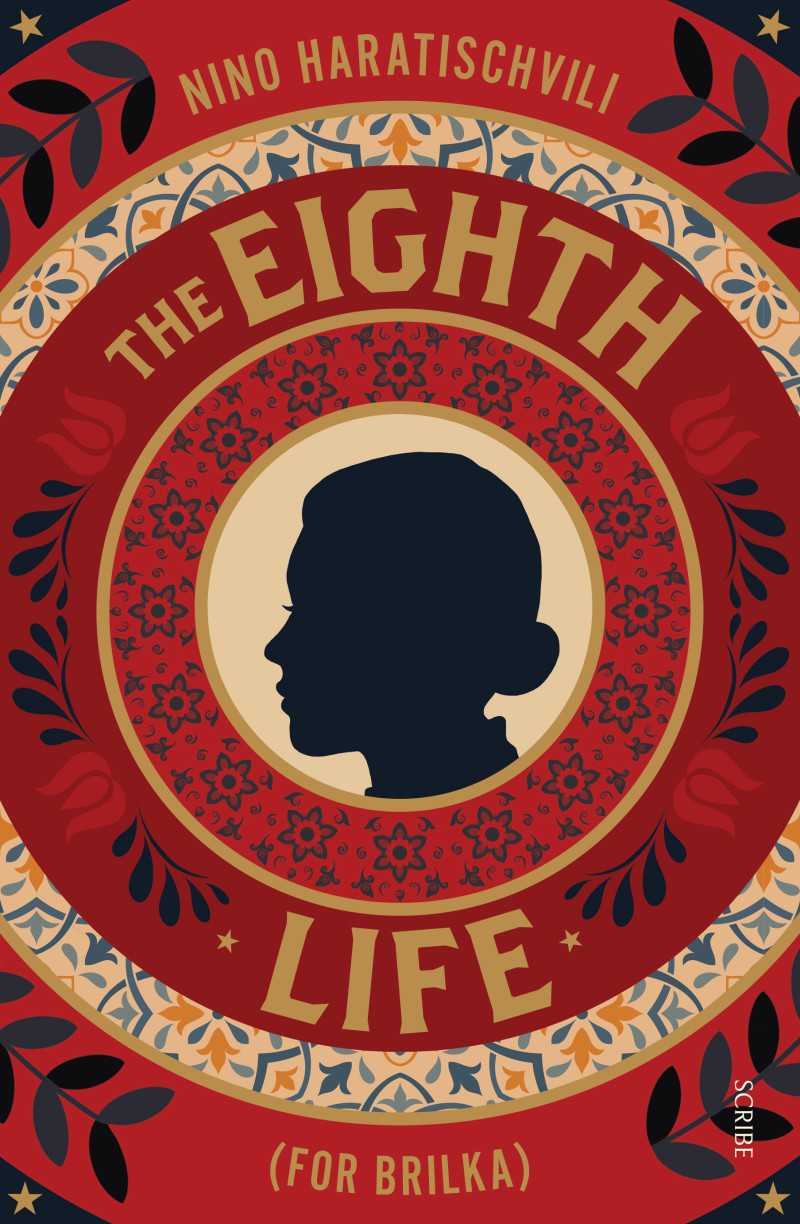
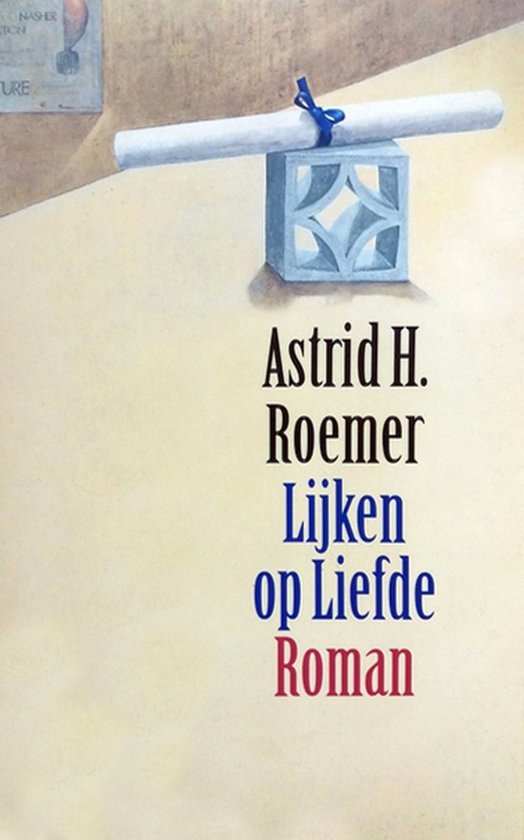
What was the most popular book that has not yet been translated into English?
Well, there’s one that got a few votes that’s forthcoming (there are already galleys out, so I guess that’s technically already translated) — The Eighth Life by Nino Haratischwili. But otherwise, almost all of the untranslated works only got a single vote. From a brief perusal of the list, I also see that Astrid Roemer’s Lijken op liefde got a couple votes, it’s possible that there are more but it’ll take a while before I can dig that deeply into the list!
You mentioned in an interview that you would love the issue of women in translation to be discussed by everyone, not just translators. In a recent blog post, you lamented that the issue is “still within the outskirts of feminism,” and that perhaps the diverse list of 50 writers you curated in advance of this year’s WIT Month, which did not include any white European authors, would have gained more traction if you renamed it “50 WOC You Have to Read!” What do you think needs to happen to get more mainstream interest in the issue?
I think that there’s a problem in a lot of Western, particularly white Western feminist circles, to assume that diversity means one thing and that’s it’s a checkbox sort of thing, you just check your “diversity” box and that’s enough. There’s room for so much more, and I think that a lot more Anglo-American feminists need to stop and ask themselves why they’re able to recognize the importance of reading African literature when it comes from Nigeria and is originally written in English, but not when it comes from Senegal and is originally from French. But it’s honestly only going to happen if the major voices in Western, Anglo-American feminism speak out about it. People like Chimamanda Ngozi Adichie (who has been an extraordinary personal influence on this project) or Emma Watson or Roxane Gay or any big name feminist could make a world of difference if they addressed the imbalance and made an effort to put forward more works by women in translation from around the world. The momentum that’s building in the book blogging/vlogging/’gramming community is wonderful and maybe can do the trick, but I think at the end of the day having a mainstream voice actually recognize this issue is the best way to make sure that it sticks.
What has been the happiest outcome of 100 Best WIT?
People who say that they now have an expanded TBR! It sounds silly, but if this project can help readers find books that work for them… that’s just amazing. The happiest part of the project is always seeing someone who finds a new book that they love or learn from.
Hey, aspiring authors: Here are your fall writing education programs.
Last week, Hugo House announced their fall Word Works slate. These are lectures on the craft of writing from big, established names in the literary world. Here's the lineup of writers and the names of their talks:
- September 19th: Michael Cunningham, "The Problem Is Never the Plot"
- October 18th: Chris Abani, "Mining for Awe"
- November 14th: Tom Perrotta, "Laughter Is Only the Beginning"
- February 20th, 2020: Gish Jen, "Politics and Possibility"
- March 12th, 2020: Sigrid Nunez, "Giving Full Play to the Imagination"
- April 2nd, 2020: Adam Johnson, "The Art of Listening"
Tickets for individual talks and season passes are now available on the Hugo House's website.
If you're a writer who learns more in a class situation than a lecture format, you should know that signups for Hugo House's fall classes are now open, and the Seattle Public Library recently announced its Seattle Writes program of free one-day writing classes with local authors through the end of the year. Between all these programs, you can find classes for virtually every type of writer, and every style of learning, within a broad range of schedule options. You don't have an excuse, anymore — take a writing class this fall.
Working for a living
Published August 27, 2019, at 12:00pm
Is Amazon.com just as soul-sucking on the other side of the Atlantic? Michael Kent read Seasonal Associate to find out.
Glass Beads
Or, less quaint, raindrops hanging on leaf tips
of bamboo.With magnifying glass, each bead is huge,
prismatic,a perfect globe of an overturned world
bright with trees,houses, my neighbor’s parked car, parted clouds,
all reversed,all temporal now that the sun warms them
this morning.Give these light-filled planets one more hour
to glimmer,if in no other way than in the words I’ve picked
to preservetheir glassy beauty on this winter night.
We’re beyondthat spent hour in a far April. Forecast:
trace of snow.Now: sharp clear sky, an ornate quilt of stars.
Those driftingice grains have ferried me back to that far
bright April,those bejeweled sun-struck glisters on bamboo.
I recallI rummaged high and low, emptying all
the desk drawersfor the scratched, thrift store magnifying glass.
I wantedto see inside, up-close, the brilliance of
light drying,to observe, first-hand, time in the process
of dying.
New York Times bestselling author Gretchen McCulloch is coming to Seattle!
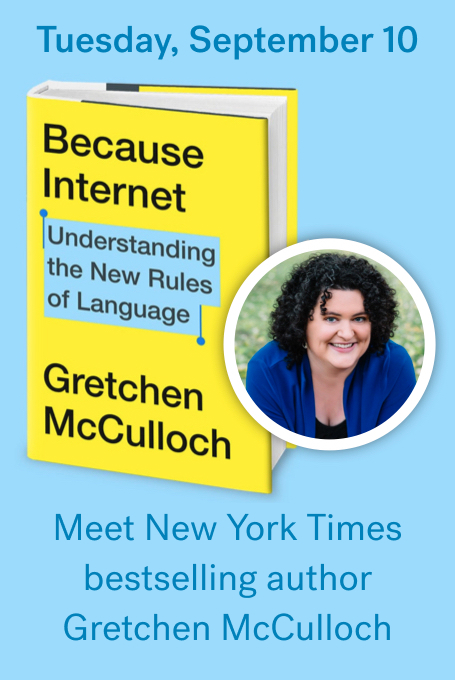
Join sponsor Textio, and the Elliott Bay Book Company, in welcoming New York Times bestselling author of Because Internet, Gretchen McCulloch. She'll be appearing Tuesday, September 10th, at the Textio offices in Downtown Seattle, at 6pm. This event is free and open to the public.
Seattle Review of Books co-founder Paul Constant will join Gretchen, and Textio CEO Kieran Snyder, to discuss the book and linguistics, followed by a Q&A from the audience.
Register now for this free reading on Eventbrite, or find out more information on our sponsor's page.
We love our sponsors! If you're looking to get your event or book in front of Seattle's most passionate book community, you'll find our sponorships an affordable, effective method of promotion. Find out more, or check dates if you're ready to book.
Your Week in Readings: The best literary events from August 26th - September 1st
Monday, August 26th: Three Seattle Authors
Paula Becker is the author of a book about one of the Northwest's best-known authors: Looking for Betty Macdonald: The Egg, the Plague, Mrs. Piggle-Wiggle and I. Shauna M. Ahern wrote Gluten-Free Girl and the Chef: a Love Story with 100 Tempting Recipes and Enough: Notes From a Woman Who Has Finally Found It. Priscilla Long has written The Writer's Portable Mentor: A Guide to Art, Craft, and the Writing Life. Elliott Bay Book Company, 1521 10th Ave, 624-6600, http://elliottbaybook.com, 7 pm, free.
Tuesday, August 27th: Wastelands Reading
See our Event of the Week column for more details.
University Book Store, 4326 University Way N.E., 634-3400, http://www2.bookstore.washington.edu/, 6:30 pm, free.
Wednesday, August 28th: The Long Accomplishment Reading
Rick Moody read in Seattle over a decade ago and it was a real chore to sit through because the story was really self-indulgent and repetitive. But many people like Moody, who is a darling of the east coast literary scene. Maybe you'll like his new book about his second marriage, The Long Accomplishment: A Memoir of Hope and Struggle in Matrimony? I mean, I probably won't. But maybe you will? Elliott Bay Book Company, 1521 10th Ave, 624-6600, http://elliottbaybook.com, 7 pm, free.
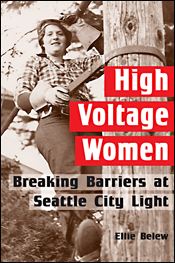
Thursday, August 29th: High Voltage Women Reading
Ellie Belew is the author of High Voltage Women: Breaking Barriers at Seattle City Light. It's an intensely researched local history about the proud lineage of women pioneers in the Seattle-area utility. Third Place Books Seward Park, 5041 Wilson Ave S, 474-2200, http://thirdplacebooks.com, 7 pm, free.
Labor Day Weekend: Bumbershoot
The end-of-summer arts festival includes a few podcast tapings and a presentation from the Hair Flip Comix newsletter. https://bumbershoot.com
Event of the Week: Wasteland Reading at University Book Store
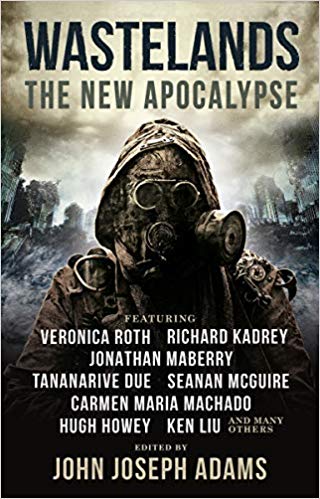
In the beginning of 2008, editor John Joseph Adams published an anthology of dystopian science fiction titled Wastelands. The goal of the anthology, according to promotional materials, was to investigate "the scientific, psychological, and philosophical questions of what it means to remain human in the wake of Armageddon."
The book, which featured contributions from Nancy Kress, Jonathan Lethem, and Octavia Butler, turned out to be hugely influential. Basically, if you hate dystopia saturation, you just might have the original Wastelands to blame. The second volume, titled Wastelands 2, offered more stories by big-name authors including Paolo Bacigalupi, Hugh Howey, and Maria Dahvana Headley.
And now, just as it seems like we stopped reading about dystopia and started living in dystopia, Adams is returning with a new anthology. Titled Wastelands: The New Apocalypse, the book features new dystopian stories from Tananarive Due, Elizabeth Bear, and Carrie Vaughn.
Tomorrow night, University Book Store welcomes two local contributors to the Wastelands anthology to read from their work and discuss what happens after the world ends. Seattle Review of Books columnist Nisi Shawl and Seattle author Jack Skillingstead will read their contributions and field your questions about what it's like to share a publication with George R. R. Martin.
Considering that Shawl is the genius who decolonized steampunk with her excellent novel Everfair, maybe she has some ideas on how to repair dystopia so we can stop envisioning the world as an ever-more-festering shitpile and so we can start repairing the world that is. One can dream, can't one?
*University Book Store, 4326 University Way N.E., 634-3400, http://www2.bookstore.washington.edu/, 6:30 pm, free.
The Sunday Post for August 25, 2019
Each week, the Sunday Post highlights just a few things we loved reading and want to share with you. Settle in with a cup of coffee, or tea, if that's your pleasure — we saved you a seat! Read an essay or an article online that you loved? Let us know at submissions@seattlereviewofbooks.com. Need more browse? You can also look through the archives.
“Unlikeable woman” is such a (sexist) cliché that I was startled to hear a colleague use the word unselfconsciously, and especially startled to hear him use it to describe Elizabeth Warren. What could be more of a (sexist) cliché than to call wonky, stubborn, I’ve-got-a-plan-for-that Elizabeth Warren “unlikeable”? As a reason not to vote for her?
“I’ve been unlikeable most of my life,” I told him. “I guess that’s why I like her.” Then waited out the awkward silence — because I had just done something quite unlikeable.
Smart women have already dissected the weapon of “unlikeable” far better than I can, but still, I’ve been thinking about the word: un-like-able. Not just “I don’t like her,” not just “she’s hard to like,” but: nobody could like her. She has failed at an essential measure of a woman’s humanity.
As Rebecca Solnit says (I paraphrase): who asked you, buddy?
It’s an ugly word. Much uglier then we mostly acknowledge. Call a woman “nasty,” and we all run out and rage-buy t-shirts. Call her “unlikeable,” and we shrug. We know what you mean. It’s okay to say it.
“Many of the crimes of our age are predicated on a profound dislike of the other,” writes Teow Lim Goh in the essay linked below. “It is not just women who bear the unreasonable burdens of likability.” “Unlikeable” hides “unlike” inside it. This is what she shows in her 2016 book Islanders, poems on the Angel Island Immigration Station during the Chinese exclusion era.
By looking at who we find unlikeable on the page, Teow Lim Goh has something to say about how deadly it can be, to be unlikeable in the world.
The dehumanizing politics of likability
We are in the third year of the presidency of a man who opened his campaign with a pledge to build a wall on the Southern border to keep out the “rapists.” This same man has overseen gross human rights abuses, such as the separation of children from their parents when seeking asylum. At the same time, he is trying to do away with family reunification policies, insisting that we should let in immigrants based on merit only — that is, well educated, highly employable, likable. This rhetoric of “good” versus “bad” immigrants still resonates with many Americans, and I did not want to buy into it.
Other good reads this week
Mark Athitakis on whether book reviewers enjoy reading:
But we people who "write about books/otherwise work in publishing" aren't the only people who behave this way, who read on two levels. Book club readers, people who write thoughtful Amazon and Goodreads reviews for no compensation beyond likes and follow-up comments, people who chat up the clerk at the bookstore counter about books, are also doing that work, no? For any serious reader, professional or no, the act of reading is about both the book itself and the meaning that we make of it.
This man punctures me. I felt like his mother until he said he was a father. I think of all the fear he’s known—the guilt, and loss, and boredom—and how I don’t know any of it. His endlessness is something I receive in finite anecdotes: big desert skies, a little girl poking crabs. Sometimes I feel I owe a stranger nothing, and then I feel I owe him everything; because he fought and I didn’t, because I dismissed him or misunderstood him, because I forgot, for a moment, that his life—like everyone else’s—holds more than I could ever possibly see.
And, finally: Neil Young is not cranky, young NYT writer. He is Neil Young.
“I’m not putting down Mark Zuckerberg,” he continued, his voice taking a turn. “He knows where he [expletive] up. Just the look on his face,” he said, wagging his finger toward a television screen inside Roberts’s living room, where the Facebook chief executive was giving sworn testimony before a panel of lawmakers investigating Russian interference in the 2016 election. “You know, he came to me in a dream the other night, and I felt really sorry for him,” he said. “He was just sitting there sweating and kind of didn’t know how to talk, because he [expletive] up so badly.” There he was, Zuckerberg, on the large-screen TV, sweating bullets.
Whatcha Reading, Ed Harkness?
Every week we ask an interesting figure what they're digging into. Have ideas who we should reach out to? Let it fly: info@seattlereviewofbooks.com. Want to read more? Check out the archives.
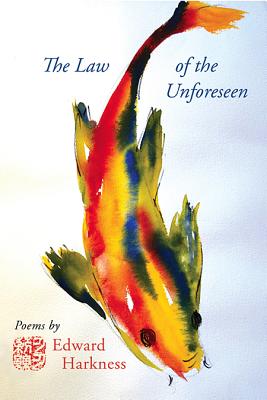
Ed Harkness is Shoreline-based author of three full-length poetry volumes. His most recent, The Law of the Unforeseen was released in 2018 by Pleasure Boat Studio. our Poet in Residence for August. To the date of this writing, we've published three of his poems: Unable to Waken, Tying a Tie, and Kite, Kaloch Beach.

What are you reading now?
I'm reading several new books by northwest poets. The first is Jed Myers' The Marriage of Space and Time (MoonPath Press, 2019), a wonderful collection whose title plays off the 18th century poet William Blake's The Marriage of Heaven and Hell. The poems in Myers' book bridge various kinds of experiences — specific moments in time with more expansive reflections that widen outward in both time and space. My description makes the poems sound abstract, like theoretical physics or Einstein's Second Theory of Relativity. Myers' poems are anything but abstract. They are vivid, always lucid, always moving, as in "Two Men Saying Goodbye," about a son's visits with his father during the father's last days in the hospital. That poem had me in tears at the end.
Another book I'm diving into is Bethany Reid's Body My House (Goldfish Press, 2018). Reid's poems, like Myers', are the works of a mature poet looking squarely at the world, at the aging body, the beautiful — and sometimes unbeautiful — complications of marriage, of being a parent, of being a woman in a world not always friendly to women. A favorite of mine is "Contract With the Body," a poem that begins with "Today I chronicle the pleasures / of the body." It's funny and serious. Some of these "pleasures" include headaches, stubbed toes, the broken car heater, a mammogram. All are, as the speaker says, "evidence of breath," and therefore, cause for celebration. I adore this book.
What did you read last?
This may come as a surprise to SRoB readers. I just read, for the first time (please, no gasps of disbelief), Charlotte Brontë's 1847 novel, Jane Eyre. Not only read it, but read it aloud, to my wife, over about a 6-month span of various long car trip. I tried — and failed miserably — to affect English accents for the novel's various characters. Now, finally, I know what all the fuss is about, why millions of readers have fallen hard for Jane, our feisty young heroine, endured with her and the degradations, upheavals and loves she experiences over several decades of her life. Brontë's language is so rich, her first person narrative so vivid and, at times, heartrending, her descriptions so powerful in pulling the reader into Jane's world, I found myself saying to my wife, not once but several times, and only half in jest, "Why, after Jane Eyre, would anyone even try to write another novel?"
What are you reading next?
Next up for me is a book by another Washington State poet, Derek Sheffield, who teaches at Wenatchee College and is an editor for Terrain.org. Sheffield's book, Through the Second Skin (Orchises Press, 2013) is a new acquisition. I'm familiar with Sheffield's work and am a committed fan. If readers can get their hands on a Sheffield poem called "Song of the Lark," they will know why I hold Sheffield in huge regard.
And waiting is a new collection by much-loved northwest poet, Tess Gallagher, called Is, Is Not. Gallagher lives half the year in her hometown of Port Angeles, and the other half in Ireland. She's a writer of international stature. The Pulitzer Prize-winning poet, Theodore Roethke, who taught verse writing at the University of Washington, had many students who later went on to illustrious writing careers. Among them were poets Richard Hugo, Carolyn Kizer, James Wright and...Tess Gallagher. Tess took one of the last classes Roethke taught before his death in 1964.
The Help Desk: Forget it, Viv, it's adaptation town
Every Friday, Cienna Madrid offers solutions to life’s most vexing literary problems. Do you need a book recommendation to send your worst cousin on her birthday? Is it okay to read erotica on public transit? Cienna can help. Send your questions to advice@seattlereviewofbooks.com.
Dear Cienna,
I’m friends with a prominent Seattle author. Their book has been turned into a movie — a very bad movie. I hated it. “Hated” isn’t strong enough, actually: I wish I could make this movie disappear from human history. The book it’s based on is good, but the movie is poorly directed, badly acted, and it misses the point of the book entirely.
My friend seems kind of proud of the film, or at least proud of the fact that the book was turned into a film, so I suspect they’ll mention it to me the next time I see them. Should I pretend to be happy for them? Should I lie and say I enjoyed the film? Should I tell the honest truth?
Vivian
Hillman City
Dear Vivian,
Three months ago, my upstairs neighbor fell pregnant. This neighbor, a human, is also my tenant (I own a house but prefer the basement because the air has a sad, clingy quality that feels almost like ghost tears on the skin). I was doubly surprised. Up until this point she seemed a contented spinster, like myself, and pets are not allowed, as per our lease agreement.
However, I wanted to be supportive of her choice to spawn. So instead of stating the honest truth – that she was in breach of our lease agreement and I feared my hardwoods would suffer, I sent her a card that said this: "Congratulations. If you put down a pet deposit, the creature can stay."
My point is, if you want to be tactful, tell a flattering version of the honest truth. Like this: "I saw the movie. Your book was much better."
Kisses,
Cienna
The Portrait Gallery: Writing motherhood
Each week, Christine Larsen creates a new portrait of an author for us. Have any favorites you’d love to see immortalized? Let us know, or see if you can find them in the archives.
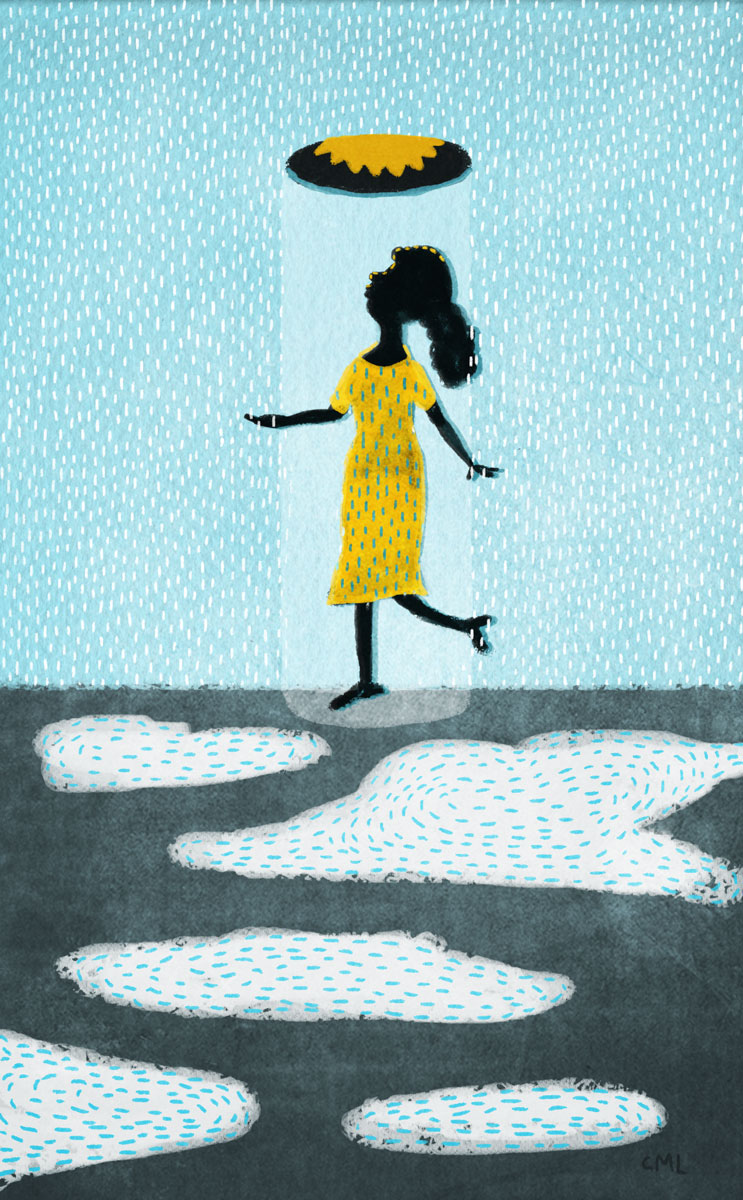
Thursday, August 22nd: Writing Motherhood
See our Event of the Week column for more details. Hugo House, 1634 11th Avenue, 322-7030, http://hugohouse.org, 7 pm, free.
Criminal Fiction: August of good fortune
Every month, Daneet Steffens uncovers the latest goings on in mystery, suspense, and crime fiction. See previous columns on the Criminal Fiction archive page.
Reading around: new titles on the crime fiction scene
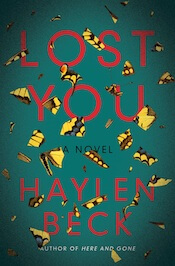
Libby, a newly successful author, takes her young son, Ethan, on a dream vacation to a seven-swimming-pool-strong Florida resort, in Lost You by Haylen Beck (Crown). After struggling with her marriage and tolerating a tepid professional career, Libby figures she deserves nothing less. When she and Ethan cross paths with a jovial couple, Gerry and Charles, the stage is set for a relaxing and semi-indulgent break. Until, that is, Ethan runs into an elevator alone – and then promptly disappears. But this is no mere missing-person mystery: as the resort goes into lockdown with all that situation’s attendant chaos, another story rears its sly, riveting, and thrilling shape. Beck, the pseudonym of the excellent and prolific Stuart Neville, spins a compelling tale with terrific characters, a suspense-riddled narrative, and twists galore. And, on the lighter side of literary delights, there’s a cheeky little cameo of Neville’s debut novel, The Twelve, and a cheerful shout-out in the dedication to his Fun Lovin’ Crime Writers bandmates Chris Brookmyre, Doug Johnstone, Luca Veste, Mark Billingham, and Val McDermid.
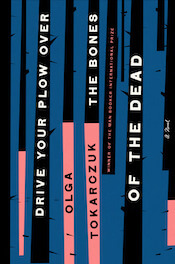
In a deeply rural village in Poland, not far from the Czech Republic border, Janina, an older woman beset by various ailments, pursues astrological divinations, looks after her wealthier neighbors’ houses, and assists her best friend, Dizzy, in his translations of William Blake’s poetry. She also has a distinct tendency to assign people nicknames – Big Foot, Oddball, Father Rustle and the like, spikey anointments rather than cute endearments – and prefers animals to people. When the village and its surrounds begin to have a bit of a human corpse problem, Janina thinks she knows exactly what is going on. In between tangling with the police, dallying with an attractive entomologist, and observing the most pain-by-osmosis dentist session ever, Janina – a former bridge engineer and teacher – inhabits a kind of gothic, feminist fairy tale brimming with social and renegade justice. Olga Tokarczuk’s Drive Your Plow Over the Bones of the Dead (Riverhead; translated by Antonia Lloyd-Jones), is – by multiple, head-spinning turns – alarming, terrifying, thought-provoking, and very, very funny.
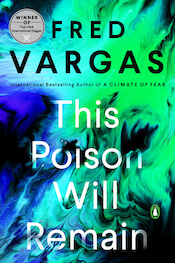
In Fred Vargas’ This Poison Will Remain (Penguin), Inspector Jean-Baptiste Adamsberg returns to Paris from an Icelandic sojourn in order to investigate a brutal hit-and-run incident. But even before that particular crime is laid to rest, a new mystery rears its toxic head: it appears that several older men have been succumbing to the venomous bites of the recluse spider. Hercule Poirot had his little grey cells to assist him; Adamsberg has bubbles – “proto-thoughts” – bouncing around his brain that demand his attention and often pop into eye-opening revelations. When the spider-bite mystery is tied to a sadistic former gang of orphans and a critical piece of Adamsberg’s own history emerges full-force from deep within his unconsciousness, the stage is set for a meticulously spun tale that incorporates history, wordplay, and the darkest of human frailties and failures. Meanwhile, Adamsberg – no slouch when it comes to the pastoral care of his team – manages to keep more than one investigative ball aloft as he also tends to the personal and professional needs of his colleagues.
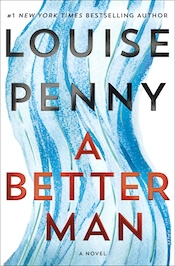
Also returning after a bit of leave time as well as a demotion, Armand Gamache has his hands full: flood waters are rising catastrophically across Quebec, and, unrelatedly, a young woman – a colleague’s friend, in fact – has gone missing. The woman’s husband, an aspiring potter, doesn’t appear to be perturbed by his wife’s disappearance, claiming that she was having an affair; her father, on the other hand, is out for blood. In the cosy – but now very damp – village of Three Pines, Gamache’s friend and artist Clara is trying to cope with an assault on her latest artistic endeavors, while Gamache and his wife, Reine-Marie, receive welcome family news on the eve of their daughter’s relocation to Paris. An intricate thriller that is also intractably infused with the vagaries of familial relationships, professional conundrums, and the vulnerabilities underlying emotionally charged decisions, Louise Penny’s A Better Man (Minotaur), delivers another pleasurably readable chapter in her Chief Inspector Gamache series.
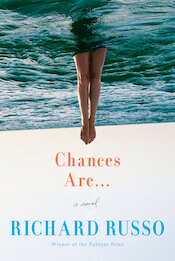
The mystery at the heart of Chances Are… (Knopf) is not the only compelling element in Richard Russo’s latest novel nor its primary driving force: that, I would argue, lies in the characters and intertwined lives of its protagonist-trio, Lincoln, Teddy, and Micky. But the mystery – what happened to Jacy, the woman they were all in love with more than four decades ago – is certainly a large part of what drives them. When the three men, now 66-years-old, gather for a weekend on Martha’s Vineyard – from whence Jacy disappeared after a final, post-graduation hurrah with her friends – the scene is set for reminiscing as well as a spot of sleuthing. Russo’s gimlet-eyed observations of small-community living — whether that might be the year-round realities of a tourist-island town, or the stoic secrets hidden within a wealthy Connecticut enclave — shine through this mystery of a missing-person cold case. But Chances Are… addresses the realities of another kind of criminal venture as well: with this tale of three college buddies who bonded in the 1960s, Russo limns a highly evocative part of America’s soul, the Vietnam War. From a tension-filled draft scene – the so-called “lottery” was televised — to heartfelt conversations between Micky and his father, the overall consequences remain palpable: in war no one wins, particularly not the impossibly young soldiers shipped off overseas to kill other humans.
The Quintessential Interview: Rob Hart
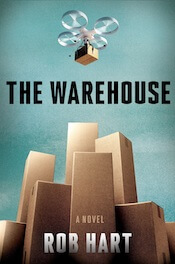
Creepy as all get-out is what The Warehouse is. This new standalone novel by Rob Hart, author of the rough-and-ready PI Ash McKenna series, merges Amazon- and Walmart-like business models into one massive business-and-residence behemoth known as Cloud. Then, Hart juggernauts that concept into its chilling yet logical conclusion: it has everything to do with merging your entire life into your job, very much to the detriment of all our hard-won workers’ rights. Two new recruits, Paxton and Zinnia, join a powerfully air-conditioned Cloud live-work facility; while they find some relief from the climate-change-transformed American landscape, they also find themselves caught in a dystopian, highly recognizable nightmare. Already optioned by Imagine Entertainment for a Ron-Howard-helmed film, The Warehouse shimmers with visual life: elements of 1984, Fahrenheit 451, Ursula K. Le Guin’s “The Ones Who Walk Away from Omelas,” and Jeremy Bentham’s panopticon supply this novel with its muses and precedents, but the narrative voice is all Hart.
What or who are your top five writing inspirations?
Tom Spanbauer's books. My daughter, who makes me want to provide for her, but also imagine a better world. The world itself – most of my story ideas come from getting really frustrated while reading the news. The amazing writing community I'm lucky to be a part of – all those conferences and bookstore signings and writing hangouts do well to recharge the creative batteries. Lately: The BBC show Fleabag, which raised the bar on writing deeply human stories so high, that I need to step up my game.
Top five places to write?
My home office. When traveling: planes, airports, and hotels. Occasionally some friends and I will rent a cabin in the woods and spend a weekend writing (our Broke Hack Mountain retreats). I always prefer my office, as I dislike writing in public –some people are into exhibitionism, and that's fine, it's just not for me. But I do find that I'm incredibly productive while traveling, mostly because there's not much else to do. Stick me on a long flight or in a quiet corner of an airport, and I can do some serious damage.
Top five favorite authors?
Tom Spanbauer — In the City of Shy Hunters is my favorite book. Amy Hempel — no one writes short stories like she does. Ray Bradbury — Fahrenheit 451 made me realize what books could do. Lidia Yuknavitch — she writes with a beauty that is staggering. Chuck Palahniuk — his work was formative for me.
Top five tunes to write to?
I prefer albums over specific tunes, and songs that are light on lyrics and high on atmosphere. So: A Moment Apart by Odesza, Ghosts I-IV by Nine Inch Nails, Bach's cello suites by Yo-Yo Ma, or just a chill piano or strings station on Apple Music. Unless I'm writing a fight scene or action scene, then I do have a specific tune: “Name of the Game” by The Crystal Method, loud and on repeat, until I am finished.
Top five hometown spots?
Mamoun's Falafel on MacDougal – best quick-and-cheap eats in the city. Milon on First between 5th and 6th – best Indian food I've ever had; just make sure to go into the right one. Denino's Pizzeria on Staten Island – there is literally no better pizza than this. But L&B Spumoni Gardens in Brooklyn is a close second, just make sure to get the square slice. And my favorite dessert spot is Big Gay Ice Cream. I didn't intend for this to be nothing but food recommendations, but it just shows you where my head is at.
Thursday Comics Hangover: The end of The Dreaming
Last week in this space, I wrote a celebratory post about Broadway comics shop Phoenix Comics & Games that was bucking trends for comic stores by expanding into a much larger space next door. That expansion is continuing even as you read this — one wall at Phoenix is now open into the new space and the store is a few weeks away from moving into the bigger space.
But I didn't realize when I wrote last week's column that another Seattle-area comics shop had already announced that it was going to close at the end of this month.
On Facebook last month, Aron Tarbuck, owner of The Dreaming Comics & Games, announced that he would be closing down The Dreaming. Tarbuck said the shop "has been my life for nearly 20 years and I have been incredibly blessed to have had this place in my life for so long."
Tarbuck's post ruled out anyone buying the business, or reopening in a new location. He said the decision to close came from declining business due to "the sale of physical comics and games slowing, and online competition (being in the home town of Amazon.)" This is the second comics closure in the University District over the last few years — the Comic Stop location by the Neptune, which for many years was an outpost of downtown's (also-now-closed) Zanadu Comics — has been shuttered for some time now. The nearest comics shop to The Dreaming is Wallingford's Comics Dungeon, which recently made the transition to non-profit status.
It would be easy to turn this column into a doom-and-gloom elegy for the future of comics shops, but the truth is that some businesspeople are making it work. The healthiest shops in town seem to be those that are diversifying their business model, like Fremont's wonderful fashion-forward Outsider Boutique, or the aforementioned game-centric Phoenix on Broadway, or the pop-culture-stuffed Golden Age Collectables in Pike Place Market. The secret to success seems to involve a wider portfolio of geek-centric products than simply selling comics.
But there's plenty of time to talk about the future of comics. For now, I'd like to praise The Dreaming and Tarbuck for their two decades of comics retailing. Tarbuck is the nicest man in the Seattle comics scene: a genuinely friendly and caring person who seems ready to open his heart to anyone who walks in the door. His passion for the medium is palpable, and it is surpassed only by his downright decency. It was a great run, and the Seattle comics scene was lucky to have The Dreaming for as long as we did.
Book News Roundup: Two novelists enter the Matrix
-
If you're a writer who works in collaboration with visual
artists,the Office of Arts and Culture has a unique opportunity for
you
in the International District:
The Seattle Office of Arts & Culture (ARTS), in partnership with Seattle Parks and Recreation (SPR), is seeking an artist or artist/artist team* to design, fabricate and install site-integrated outdoor artwork for the park in the Little Saigon neighborhood. The selected artist/artist team will be asked to create a permanent artwork that honors the history, cultures, and current experience of the communities that live nearby. The artist/artist team will work with ARTS, SPR, and community engagement partners that include: The Little Saigon Park Advisory Committee led by Friends of Little Saigon and Seattle Chinatown International District Preservation and Development Authority (SCIDPDA), that consists of about 18 representatives from the community, plus additional organizations.
-
The above opportunity is only open to one artist or teams of two. The artists should have a connection to the International District. The budget for the project is one hundred thousand dollars.
-
You have likely heard that there will be a fourth Matrix movie starring Keanu Reeve and Carrie-Ann Moss, directed by Lana Wachowski. You may not have heard that the film was co-written by David Mitchell and Aleksander Hemon, which is a fascinating pairing. Mitchell is great at sci-fi concepts, while Hemon excels at trauma and the consequences of war.
-
Meanwhile, in Canada:
A travesty of justice: award-winning Vancouver poet and Emily Carr instructor, @rrrwong was just sentenced today to 28 days incarceration for her peaceful August 24 anti-pipeline protest. @Talonbooks @EmilyCarrU @PENCanada
— F T Lam (@FTinweiL) August 17, 2019
How Seattle shaped Elizabeth Ames, author of The Other's Gold
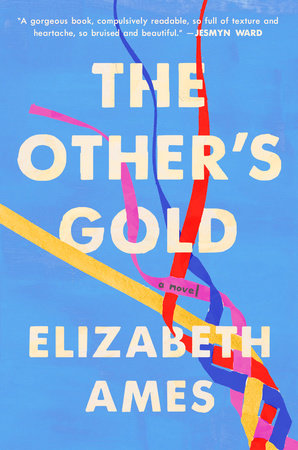
Elizabeth Ames's debut novel, The Other's Gold will be released next Tuesday. The book follows a group of four college friends into young adulthood and through the rituals that accompany that transition — marriage, motherhood, careers.
Each of the four women carries a secret that affects the course of their lives — individually and together — in profound ways. Ames has a gift for spinning beautiful sentences together, and The Other's Gold is deeply structurally considered. That structure is important; while many literary novels collapse under the weight of their own aimlessness, The Other's Gold's carefully considered structure keeps the reader intently focused on the characters and its many revelations.
Ames, a former Seattleite who worked with me at Elliott Bay Book Company and took part in a long-running writing group with myself and Seattle Review of Books founding columnist Cienna Madrid, joined me on the phone to talk about The Other's Gold and her time in Seattle.
Though Ames agrees with my assessment that structure is vital to The Other's Gold's success as a book, she says the story "definitely emerged from the characters, as everything does for me." But the structure helped her "map the events of the book so that I could just do what I really love to do, which is just be with and write about characters and people."
That affection for the characters really shows off on the page: Ames writes about friendships between women with a clear eye and an ear for honesty. "I've been observing women forever," she says. "I love women. I am one. I'm really interested in the intensity of their friendships and the roles they play in one anothers' lives over time."
"I have really deep friendships with men," Ames says. "But there's something special about the friendship between women during this stage of life — college through early parenthood, that time of life where you're making so many decisions about who you are and how you want to live."
"I had just had a new baby when I started working on this book," Ames adds, "and so I was really woman-facing in that way too."
Ames, who spent her formative years in the midwest, stops mid-answer to reflect on how odd the whole experience of being interviewed is. This is her first phone interview for The Other's Gold, and it's taking a little bit of energy to get into the right headspace. "It's so hard to talk about my own work because I'm so constitutionally averse to like anything that sounds like boasting." She tries to put on a smug character — "Good job, me!" — before cracking up.
There's no Seattle stop on Ames's debut book tour yet, but she hopes to read at Elliott Bay Book Company for The Other's Gold sometime soon. She worked there from 2005 to 2009, and she still reflects on her time there as vitally important in her life with literature. "I still remember being so intimidated — even before applying, I just loved the store. I was so desperate to spend more time there."
Fresh out of graduate school, Ames found the experience at Elliott Bay to be exactly what she needed. "It was so fun to work with other lovers of books. They always have something to talk about because they've always read so much. You'll have personality differences with your coworkers, but you all have in common this fundamental huge thing that you love."
"I also got to go to readings there and meet writers," Ames says. The experience taught her a lot about what it meant to be a writer in the world. "I was recently talking about Kelly Link coming in to the store to sign and how I was just so gushy with her at the register. I was in total fan girl mode, but she was so warm and kind."
Ames left Elliott Bay for a job at Seattle Arts and Lectures, and that only increased her respect for books and book-lovers. "[SAL curator] Rebecca [Hoogs] is still one of my closest friends, and sitting next to her was a total dream. She's got this big brain I just can't get enough of," Ames laughs.
At SAL, "I got to work with Writers in the Schools. It was really interesting to see the other side of writers' lives on the road — outside of the glamour of huge lectures at Benaroya Hall, there's this other, smaller, intimate classroom visit," in which famous authors share their love of literature with local schoolchildren.
"I chose jobs that kept putting me in touch with the most wonderful people — a bookstore, a literary arts nonprofit," Ames says of her time in Seattle. "I chose pretty well in terms of how to spend time with people who are motivated by a love of reading and books. I couldn't have been luckier in that regard."
Book News Roundup: Bad men you should ignore
Save the date: September 21st is the world premiere of Where the House Was, the documentary about the demolition of the Hugo House to make way for a large apartment building. It will be at Northwest Film Forum, easily the most literary movie theater in town, and tickets are on sale now.
The winners of the Hugo Awards (no relation to the Hugo House) were announced this weekend. One of the sci-fi community's greatest honors, this year's Hugo winners are all women. Predictably, some baby-men on the internet are whining about this, but let's not give them any headspace, okay? Men have had a lock on literary awards for decades, so this isn't even one-one-thousandth of what women writers have experienced.
Noted sex pest Mark Halperin is publishing one of his conventional-wisdom laden political books. Halperin has had to resort to Judith Regan, the woman who tried to be OJ Simpson's publisher, to see his book released. Let's ignore him too, okay?
Read Art Spiegelman's essay that was rejected by Marvel ComicsR (or Marvel's owner, Disney) for being too political. Considering that comics have always been political (and anti-fascist, to boot) this is extremely disappointing.
One foot in front of the other
Published August 20, 2019, at 12:00pm
Two new comics look deeply at exploring Seattle on foot. One is a celebration of weirdo grunge-era Seattle and the other is a walking tour of modern boomtown Seattle. Are they even the same city?
Kite, Kalaloch Beach
for Clio Hayes HarknessMy job: to hold her kite, the blue one
with a snapping yellow tail, the twine taut,
tugging like a fair-sized cutthroat. Her job:
to sprint around in her underwear on the beach,aglow in late summer light. Come see
my jelly fish, Poppy, she yells. Hurry!
I lash the twine to a piece of driftwood.
There’s the jellyfish, a glassy blob at our feet.Will it hurt if I touch it? No, no. It won’t hurt
if you touch it. Poppy, where’s my kite?
I turn to see it sail away, a crazed shirt flailing,
well beyond breakers full of the sun’s late fire.For some minutes we watch the kite become
a scrap of tissue in the deepening blue, the yellow tail
visible until there nothing to see but the long blade
of the horizon. Waves climb themselves and collapse,clapping the sand. Eternity, I say, more to myself
than to her. She gazes up with those sea-green
eyes that make me want to weep. I see it coming.
She’s going to ask: Poppy, what’s eternity?And I’m going to say, Well, it’s like, I don’t know,
like the sky, going on and on forever. Like a kite
flying over the ocean. What do you think?
Is my kite gone? she asks. Yes, I say. It’s gone.
Did you hear? You could be here right now

Your book is coming out. You set aside some money to advertise, but where can you do it? Your event is coming up, but you've heard that people aren't learning about it. Where can you talk about it?
Consider a sponsorship here on the award-winning Seattle Review of Books! Our sponsorships are inexpensive, effective, and we've just released a slate of options for you to peruse.
Read more about our program here, and welcome to the family! We're so glad you're here, helping to support the writers that bring news, reviews, and commentary to the Seattle literary world.
Your Week in Readings: The best literary events from August 19th - August 25th
Monday, August 19th: Inland Reading
Téa Obreht was a breakout young novelist with her debut, The Tiger's Wife, about eight years ago. That's a lot of pressure on a writer. Now, after she reportedly threw out well over a thousand pages of fiction, she is returning with a new novel — a western, no less! — that is getting rapturous pre-publication attention. Can she beat the dreaded — choke! — sophomore slump? Find out tonight! Elliott Bay Book Company, 1521 10th Ave, 624-6600, http://elliottbaybook.com, 7 pm, free.
Tuesday, August 20th: What We Were Promised Reading
Lucy Tan's novel is about a Chinese family that moved to America, realized that was kind of a scam, and then moved back to Shanghai. THey've already started over once. Can they start over again?
Elliott Bay Book Company, 1521 10th Ave, 624-6600, http://elliottbaybook.com, 7 pm, free.
Wednesday, August 21st: Word Chaser at Cafe Racer
The new reading series features readers Esther Altshul Helfgott and Ann Teplic, with Bryan Linesberry on saxophone. You will want to show up early so you can sign up for the open mic after. Cafe Racer, 5828 Roosevelt Way NE, 7 pm, free.
Thursday, August 22nd: Writing Motherhood
See our Event of the Week column for more details. Hugo House, 1634 11th Avenue, 322-7030, http://hugohouse.org, 7 pm, free.Friday, August 23rd: Three Poets
Jed Myers, Tina Schumann, and Heidi Seaborn are all Seattle poets. They all have new-ish collections out now, too. Myers is the author of The Marriage of Space and Time, Schumann's Praising the Paradox is out from the excellent Red Hen Press, and Seaborn's Give a Girl Chaos (see what she can do) was published in March of this year. Elliott Bay Book Company, 1521 10th Ave, 624-6600, http://elliottbaybook.com, 7 pm, free.
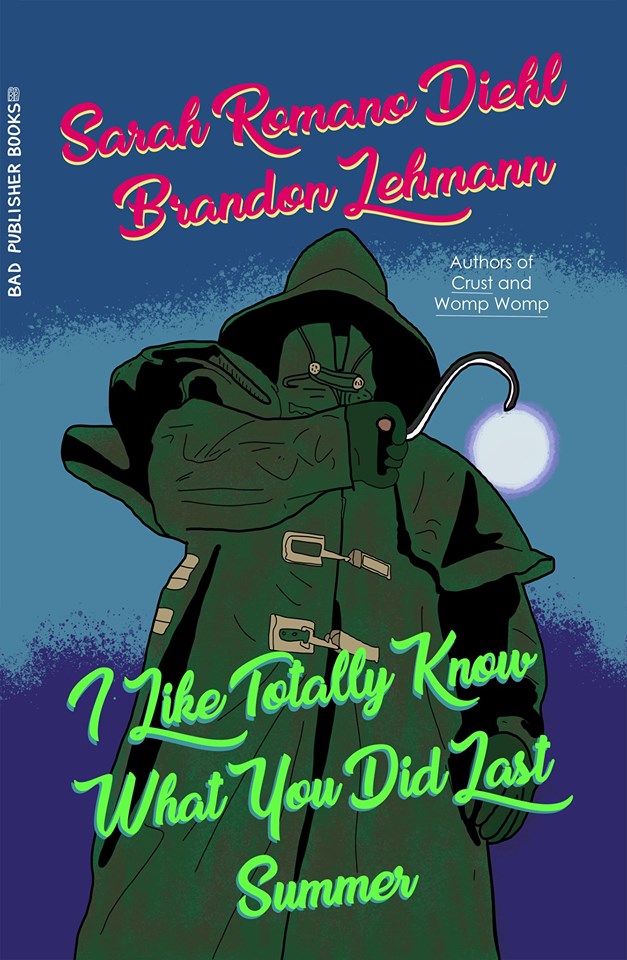
Saturday, August 24th: I Like Totally Know What You Did Last Summer Release Party
Fantagraphics loves to put on a Saturday book debut, and this one for local cartoonists Sarah Romano Diehl and Brandon Lehmann should be a fun afternoon party, with barbecue and beverages. Their new book is reportedly "terrifying." Fantagraphics Bookstore & Gallery, 925 E. Pike St., 658-0110, http://fantagraphics.com/flog/bookstore, 3 pm, free.
Sunday, August 25th: One Day on the Gold Line Reading
This is a "memoir-in-essays" by Carla Rachel Sameth about "a lesbian Jewish single mother raising a black son in Los Angeles." Sameth previously read this week on Thursday at Hugo House. Third Place Books Seward Park, 5041 Wilson Ave S, 474-2200, http://thirdplacebooks.com, 7 pm, free.
Event of the Week: Writing Motherhood at Hugo House
Books about fathers are a dime a dozen — good fathers, bad fathers, absent fathers, disappointed fathers. But you're unlikely to see a whole lot of pieces written by white men that really delves into the complexities and importance of motherhood, and white men are still overrepresented in the literary world. For that reason alone, if you walk into a bookstore and pull a book from the essay or biography sections out at random, it's more likely to be about daddy issues than what it means to be a mother.
That's why Thursday's themed reading at Hugo House is so important. Five writers are sharing new pieces that explore "how motherhood is rendered in their work, and the impact that motherhood has had on their lives as writers."
The authors are a good mix of local talent: poet Amber Flame, essayist Anne Liu Kellor, medical/health writer Mary Pan, memoirist Carla Sameth, and nonfiction author Samantha Claire Updegrave. The fact that the lineup is majority women of color, too, is likely to add to the experience, as Americans tend to other nonwhite moms in some damning ways.
It's great to see Hugo House present a showcase of writers tackling a specific theme in depth and in unison. Here's hoping this is just the first of a series of feminist explorations of representation in writing; these kinds of events are vital for starting conversations that should have happened decades ago.
Hugo House, 1634 11th Avenue, 322-7030, http://hugohouse.org, 7 pm, free.
The Sunday Post for August 18, 2019
Each week, the Sunday Post highlights just a few pieces of longform writing that we loved reading. Settle in with a cup of coffee, or tea, if that's your pleasure — we saved you a seat! Read an essay or an article online that you loved? Let us know at submissions@seattlereviewofbooks.com. Need more browse? You can also look through the archives.
Eldorado, Illinois
I’m always wary of writing about drugs — is it going to be preaching, or self-pity? Or all rock-n-roll celebration of the bad boy wild life? Chris Dennis gracefully avoids all of that here. If you can imagine the El Dorado he describes (as a midwesterner, I so easily can), you can imagine the kind of inner weather that invites the shelter of addiction.
There’s a timeline to this, but I can’t get it right yet. I wrote a book. I moved home. I was depressed. I started using drugs. I was arrested. I went to jail. I edited parts of that book while in jail. I’d devoted ten years of my life to writing the book, and then, just before it was about to finally arrive, this thing I had worked so hard to build, I burned my life to the foundation. Why? I wrote a book. I became addicted to meth. I was shooting meth every day. In the bathroom at Walmart. In the bathroom at McDonald’s. In a parked car on a gravel road. In a dozen motel rooms with people I hardly knew. In vacant lots. In abandoned buildings. In strange living rooms in towns I’d never been to before. I was arrested three times in under a year, cut off entirely from all my friends and family, my own son, the people I loved most in the world, and I still just kept shooting meth.
Inmate 76318-054: The Last Days of Jeffrey Epstein
I’ve been spared (or have spared myself) much of the Jeffrey Epstein saga. You probably haven’t — so why read one more article? Well, what’s interesting about this one is that it tracks Epstein’s despair not to the discomfort of being of in jail, but the discomfort of Being In Jail. For a white man with a ton of money and power, the loss of privilege is, apparently, the worst thing that can happen. The details of how he experienced that loss of power, like his attempt to avoid his cell by paying a full-time staff of lawyers to conference with him daily, are telling — and truly batshit.
It is impossible to know why a person takes his own life. But an examination of Mr. Epstein’s last days by The New York Times, gathered from dozens of interviews with law enforcement officials, Bureau of Prisons employees, lawyers and others, suggests that Mr. Epstein’s death came after he started to realize the limits of his ability to deploy his wealth and privilege in the legal system.
11 years of top-selling book covers, arranged by visual similarity
This infographic by (of course) The Pudding is irresistible, especially when you start applying filters to it — books by women vs. men, fiction vs. nonfiction, mix and match. There are probably all sort of cultural observations to discover here, but for those too sleepy on a Sunday morning, it’s also just a lot of fun to poke around in.
Whatcha Reading, Julie Yue?
Every week we ask an interesting figure what they're digging into. Have ideas who we should reach out to? Let it fly: info@seattlereviewofbooks.com. Want to read more? Check out the archives.
Seattle Review of Books readers, meet Julie Yue! Julie has just started helping us out behind-the-scenes with some editorial work, but no doubt she'll be out in front as a byline in no time at all.
Besides being my coworker at Textio, where she is a Data Insights Manager, Julie is a life-long literature nerd. She used to study Chinese and British history (and received her MA from the School of Oriental and African Studeies, at the University of London), before transitioning into working with language data. She spends most of her free time cataloging cookbooks, buying obscure condiments, and trying to convince everybody that history is the best. (I suspect she'll find a willing audience here). Welcome, Julie! We're lucky, and glad, to have you.
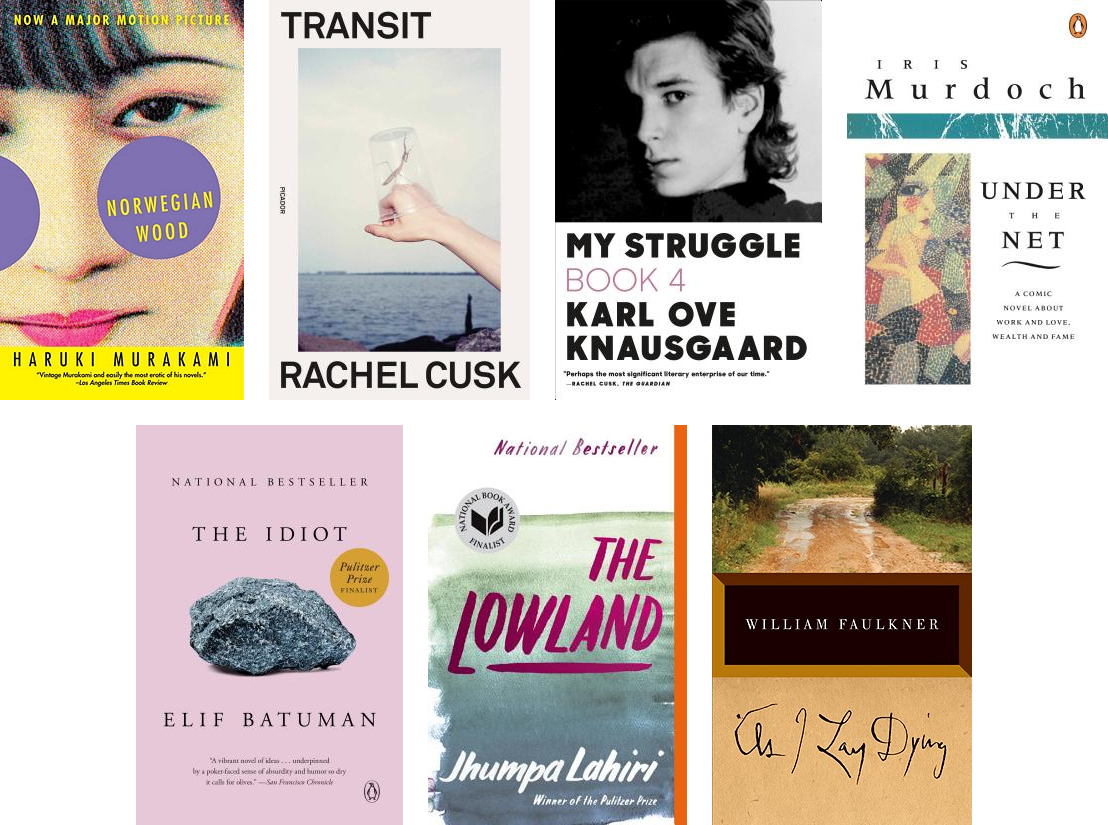
What are you reading now?
I'm always going through a few books at a time. Right now, I'm reading Norwegian Wood by Murakami — which I have mixed feelings about so I'm hoping the ending will move me. Also, I'm loving the autofiction trend so reading Rachel Cusk's Transit, and My Struggle: Book 4 in Karl Ove Knausgaard's series.
I've also been struggling my way through a decidedly medium Basque history for the last 6 months and I'm only on page 146.
What did you read last?
I just finished Iris Murdoch's Under the Net, and Elif Batuman's The Idiot. They were both excellent. I don't think I'm smart enough to fully comprehend Murdoch. On the other hand, The Idiot was so funny and relatable and I wish it was published before I started college.
What are you reading next?
I'm in two reading circles with some friends so for one of them, we've decided on Jhumpa Lahiri's The Lowland. All three of us realized that we all already had a copy sitting around unread!
For the other, we're starting on Faulkner's As I Lay Dying. I need to start on both because deadlines are looming!
The Help Desk: Friends don't let friends write shitty novels
Every Friday, Cienna Madrid offers solutions to life’s most vexing literary problems. Do you need a book recommendation to send your worst cousin on her birthday? Is it okay to read erotica on public transit? Cienna can help. Send your questions to advice@seattlereviewofbooks.com. Cienna Madrid is on a small island with a large drink this week; the following is a re-run of a column from 2016.
Dear Cienna,
My friend self-published a novel. I bought a copy and tried to read it and, well, I’m being charitable when I say it’s not very good. “Unreadable” is a word I’d use to describe it. What do I do the next time I see my friend? He’ll definitely ask what I think of it. I’ve avoided a few social events out of fear that he’ll be there, and I can’t keep living like this.
Thanks,
Jim, Bitter Lake
Dear Jim,
You’ve done your duty – you bought the book. That’s all any person should reasonably expect from a friend or partner: the precious token of affection exchanged when one person expresses a shallow interest in another person’s hobby. When my best friend’s hobby was emotional eating, I learned how to open packets of his favorite foods so that we could enjoy what he called “the couple’s gravy experience.” Now that he is a marathon runner, I offer him milk electrolytes and proteins sold in brick form. But I will not ask him about his bowel movements or split times or any of the other silly shit runners are prone to discuss for hours with each other while jogging in place because my attention span is a finite resource that must be reserved for my own hobbies, like watching spiders commit hate crimes on flies.
So what do you do? The next time there’s a party on the horizon, email your writer friend and ask him if he’ll be attending because you want him to sign your copy of his book. Bring the book (make sure to crack the spine in several places) and don’t give him a chance to ask what you think. Go on the offensive: Say that you really enjoyed the work. You immediately connected with the main character and got swept up in the narrative. Tell him he has a unique voice, reminiscent of TKTKTK (throw out the name of some writer he likes). Then, quickly pivot and begin asking him questions: What inspired him to write it? Has the book been reviewed? Has he been conducting readings around town? What feedback has he gotten from his friends/family/significant other? How thick is his fan club? What project is he working on now?
If he asks you any pointed questions about the work that you can’t answer because you haven’t read it, simply respond with, “I’m embarrassed to say I didn’t quite ‘get’ what you were trying to do there. I think it went over my head. What were you going for?”
When you’ve blown enough smoke up your friend’s ass, pivot the conversation again to your own hobbies with something like, “Speaking of man’s eternal struggle with nature, I’m embarrassed to say I think the spiders living in my home are incredibly racist and I’m not sure how to confront them about it. What are your thoughts?”
Kisses,
Cienna
Barack Obama joins the Ted Chiang Fan Club
Barack Obama released his summer reading list yesterday, and it featured a local author. Specifically, Obama singled out Seattle-area sci-fi legend Ted Chiang's short story collection Exhalation. (I loved this book, too.)
Other books on Obama's list include everything by Toni Morrison, Maid by Stephanie Land, Inland by Téa Obreht (who will be reading in Seattle next week), Haruki Murakami’s Men Without Women, The Nickel Boys by Colson Whitehead, How to Read the Air by Dinaw Mengestu, The Shallows by Nicholas Carr, Lab Girl by Hope Jahren, Lauren Wilkinson's American Spy, and Wolf Hall by Hilary Mantel.
I will let local treasure Nancy Pearl have the last word on this one:
I wish we still had a president who read https://t.co/3H0kxmmGxy
— Nancy Pearl (@Nancy_Pearl) August 15, 2019
The Portrait Gallery: Chavisa Woods
Each week, Christine Larsen creates a new portrait of an author for us. Have any favorites you’d love to see immortalized? Let us know, or see if you can find them in the archives.

Thursday, August 15th: 100 Times Reading
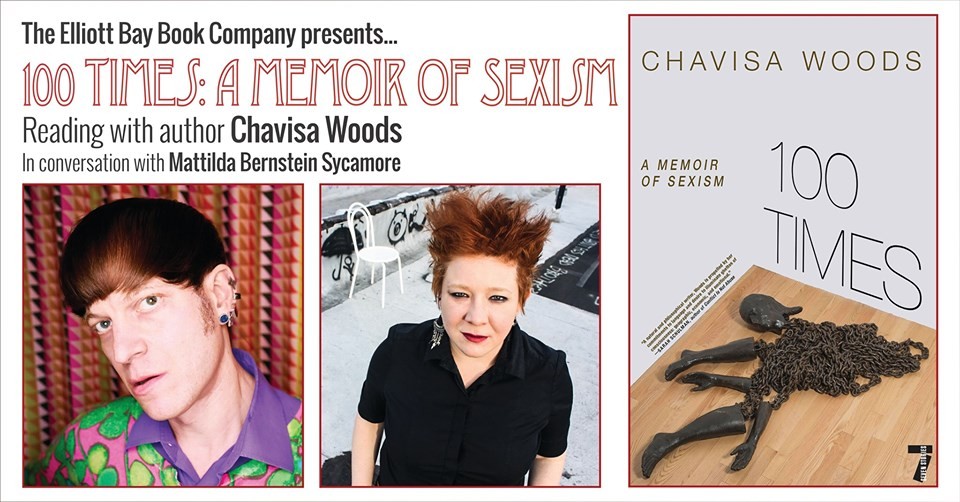
Chavisa Woods’s memoir in fragments is titled 100 Times: A Memoir of Sexism. It’s made up of one hundred stories of sexism and sexual assault. She’ll be in conversation with Seattle writer Mattilda Bernstein Sycamore, whose participation in a reading should be considered an automatic sumbol of quality. Elliott Bay Book Company, 1521 10th Ave, 624-6600, http://elliottbaybook.com, 7 pm, free.
Thursday Comics Hangover: A bigger comic book store? In THIS economy?
A recession is coming — maybe sooner than later — and the sad truth is that a lot of the places you visit for news and information and entertainment are not likely to survive the next downturn. I can pretty much guarantee that, in part because government funding for arts and letters has dried up, Seattle will lose bookstores and media sites and movie theaters in the next recession. And one of the biggest recession casualties I've been fearing lately is comic book stores.
It's been a bumpy time for comics shops in Seattle, even in a supposedly decent economic climate. Downtown's Zanadu Comics closed last year, and Ballard shop Arcane Comics moved north of city limits a few years back, though Ballard did get a new shop last year when Grumpy Old Man's Comics, Art, and Collectibles opened, and Push/Pull Gallery is still going strong.
This week, though, saw some unabashedly good news: Capitol Hill Seattle blog broke the story that Phoenix Comics & Games on Broadway is expanding into the space next door. “This is very exciting as a store owner," Phoenix's Nick Nazar told CHS. "I’m really grateful to our awesome community for backing us."
Yesterday, I congratulated Nazar on the upcoming expansion, and he took me on a little tour of the space, pointing out where new features will be. The expansion will create more gaming space and also put storage space closer to the sales floor. There will also be a larger and more expansive front counter space, and a more welcoming front-of-store experience.
I picked up my usual weekly haul of comics — the latest issue of Silver Surfer: Black is the most beautiful, weirdo-cosmic installment yet — and left feeling good about the future of the shop. Nazar, in his impromptu tour, seemed anxious in the way that small business owners usually are, but he also seemed hopeful about the possibility of welcoming more people into his business. It's enough of an infectious joy that it inspires even the most confirmed cynic to feel a tiny bit of hope in his heart.
Book News Roundup: Captain America strikes back
-
I only met Crosscut managing editor Florangela Davila
once, about a month ago. She seemed like a conscientious
overseer of the publication, and very grateful for the
opportunity to use Crosscut to represent the unheard
voices of Seattle. I am incredibly bummed to see that Davila
is no longer employed at Crosscut and I stand with the
Crosscut Union on this matter:
The Crosscut Union sent this letter today to the management of Cascade Public Media. We wrote to express support for our former managing editor, Florangela Davila, and express concern about the manner of her sudden dismissal. https://t.co/1TfurYXAsa pic.twitter.com/rZpGZNKJb0
— Crosscut Union (@Crosscut_Union) August 12, 2019 -
Many protesters were arrested at an Amazon Bookstore in New York City over the weekend. They were, according to one protester, there to "demand...that [Amazon] end its collaboration with ICE." I haven't caught wind of a Seattle protest at an Amazon store yet, but it sure seems like that kind of protest would get a whole lot of attention here in Amazon's home town, wouldn't it?
-
In this New York Times profile, J.D. Salinger's son Matt — who until now was famous for playing Captain America in a terrible 1990 movie that was never released in theaters — has some insight into his father's literary legacy. Is Salinger still relevant? Will ebooks and posthumous releases ensure that kids will still read The Catcher in the Rye fifty years from now? I'm not so sure. Salinger spoke to a generation, but his legacy has been tarnished in the post-MeToo climate, and I'm not convinced his books will survive the next round of critical reappraisals — assuming critical reappraisals are still going to happen in the future, of course.
-
One of the most interesting parts of the New York Times
profile is when Salinger unloads on a shoddy biography of his
father that was cowritten by a local author:
While he rarely gives interviews, Mr. Salinger has opened up more about his father recently. He felt compelled, he said, to counter the claims in a 2013 documentary and a tie-in book by David Shields and Shane Salerno, which caused a stir with the revelation that Salinger had left behind five unpublished works, along with instructions to publish them between 2015 and 2020. “So much in that book and that movie were utter fiction, and bad fiction,” said Mr. Salinger, who noted that his father “encouraged us to take our time” and didn’t give a timeline for publication.
- Oh, what the hell. Here's the trailer for Matt Salinger's Captain America movie:
And now, this fall brings the &Now Festival to Northwest lovers of experimental literature

The weekend of September 19th, people from around the world will be gathering at the University of Washington in Bothell for the &Now Festival, a biannual celebration of experimental literature. The website for &Now says the festival encourages "linguistic and genre transgressions," including "interdisciplinary explorations and conversations with past, present, or future literary concerns and movements."
Amaranth Borsuk, the Associate Director of the MFA in Creative Writing and Poetics at UW Bothell, has been attending &Now for a decade, following the biannual celebration from Buffalo to Paris and Cal Arts. At its most basic foundation, she says, &Now is "a group of people that reunite on a regular basis to talk about the most pressing questions in experimental writing."
An accomplished poet herself, Borsuk immediately took to &Now because it "offers the chance to get really close to the kinds of writers that you admire." The festival "really feels like a community," rather than the performative fishbowls that other literary festivals tend to offer.
Borsuk admits that she wanted to bring &Now to Bothell and the Seattle area "selfishly" as a fan. But she's also excited for her MFA students to enjoy such close contact with some of the most important writers in the field today. And she believe it's a great opportunity for the region to gain some much-needed recognition: "Although there is a lot of energy and activity around writing and the arts and experimentation here, it can feel like we're a little off the beaten path," Borsuk explains.
This fall's festival theme is "Points of Convergence." Borsuk explains that it's a timely mission statement for "artists and writers who are looking for ways of finding common ground at a particularly disjunctive moment in the literary world."
This year's &Now features three keynote speakers "who do work across medium and genre and who can speak to some of those larger issues," Borsuk explains. They all are working at the convergence between disciplines. LaTasha N. Nevada Diggs, the opening night speaker, "writes for the page but also does sound performance," Borsuk says. Friday night features Barbara Browning, "whose fiction really dovetails closely with her own autobiography and blurs the line between art and life" using multimedia components including videos and online installations. The final keynote, Nathaniel Mackey, is "a poet whose work is strongly connected to music and jazz and who has a really deep history of thinking about the ways that race and poetry are imbricated."
Local writers from Seattle (including Anastacia-Renee and representatives from the Seattle Poetics LAB) and Portland will be a part of the full complement of panels, which often include more performance and process conversation than your traditional literary panel discussion. "The panels will not be laced with academic jargon and will by and large not be about analyzing works of literature," Borsuk says, calling &Now more "accessible" than most literary conferences she's attended.
For all four days of the festival, too, there will be a book fair operated by Open Books featuring all the &Now participants. Panels that have been accepted for the conference include a discussion of Asian American speculative poets, a panel titled "Horrors of the Family Romance" with panelists including Rebecca Brown and Brian Evenson, a survey of weird fiction, and a discussion of the surveillance state as it pertains to writing. Other convergences include video and poetry, reality and digital presentations of reality, porpoises and lectures, and futurism through poetry. Borsuk says the full schedule will be online soon. Tickets are available now, and day passes range from $10 to $20.
As a teacher who is deeply embedded in Northwest literature, Borsuk feels that the Points of Convergence theme is a vital one for this place and time. "The concern about forging connection in a moment of political and cultural schism is on the minds of writers here," she says. "Some people are doing that work already in their writing, and others are interested in figuring out how to do that work in their writing." For those who are thinking deeply about these issues, she says, "having the chance to sit in on and be part of these conversations will be enlightening for all of us."
An earnest valentine
Published August 13, 2019, at 12:00pm
Yes, we still need books that tell us love can conquer all.
Tying a Tie
I must be twelve or so. We face the bathroom mirror,
me in starched white shirt, trying not to squirm,
faint frown on my face. He in sleeveless tee,
his chest hair abundant, still dark, the last dotsof shaving soap on his chin. He calls the knot a Windsor,
holds my hands holding the long end on the left,
short end on the right, flipping long over short,
looped around, poked up and over the toptucked in, pulled down, the triangle tightened
with thumb and forefinger—all simple, deft,
impossible to replicate. He’s not a sad man yet.
I’m in training for the world, for being a man like him,sad only when I study him in the mirror,
girding for another day at the appliance store,
his hands on the shoulders of his smaller self,
prepping me first so I can see how it’s done,how to tie the tie in a way that allows me to breathe,
to not fear the squeeze of being choked.
I will, just as he has, come to live with it.
And so I have, now that he’s gone, come to livewith it, to tie my own tie, to accept the discomfort
just as he did, whose reasons for sorrow were many,
to love again the appliance salesman who turns me
to face him as he adjusts the knot at my throat.
Grab your sponsorship slot before they're sold out!

We’ve opened the books — you can now buy sponsorships through January, 2020. Head on over to our sponsorship page if you’re ready to browse what’s available.
The remaining slots for August are only $100! What a great way to sample how a sponsorship could work for you.
Sponsorships are a great, inexpensive way to get your words in front of the best book loving audience in the world. There’s a reason Seattle is a UNESCO city of literature, and why independent book stores are thriving. Seattle loves to read.
So if you have an event that would appeal to readers or writers, or if you have a book you want to put before the most passionate reading audience you can imagine, check out why our sponsorships will be just the thing for you.
Your Week in Readings: The best literary events from August 12th - August 18th
Monday, August 12th: Former Possessions of the Spanish Empire Reading
I've already written at length about why Michelle Peñaloza's book tour matters, and why her new book is so amazing. This, her last stop on the tour, features authors Cristiana Baik, Dan Lau, and Truong Tran. Elliott Bay Book Company, 1521 10th Ave, 624-6600, http://elliottbaybook.com, 7 pm, free.
Tuesday, August 13th: Seattle Walk Report
See our Event of the Week Column for more details. Seattle Public Library, 1000 4th Ave., 386-4636, http://spl.org, 7 pm, free.
Alternate Tuesday, August 13th: Poets & Artists for Migrant Justice: Benefit Reading
Because I am participating in the Seattle Walk Report event, and because I hate conflicts of interest, I'd like to suggest an alternate event for your consideration. This alternate event, is a doozy—it's the thing I'd be doing for sure if I weren't committed to host the Seattle Walk Report event at the library. Tonight, readers including Claudia Castro Luna, Natalie Scenters-Zapico, Raul Sanchez, Natalie Ann Martínez, Sarah A. Chavez, and Catalina M. Cantú will read new work along with a silent auction of art from Fulgencio Lazo Arte and Jake Prendez and others as part of a fundraiser for Immigrant Families Together and the Fair Fight Immigrant Bond Fund. I've been informed there will be tamales for sale, too. Mmmm, tamales. Hugo House, 1634 11th Avenue, 322-7030, http://hugohouse.org, 7 pm, $10 suggested donation.Wednesday, August 14th: The Making of a Democratic Economy Reading
TOP ONE PERCENT OF THE ECONOMY DON'T READ THIS: Hello 99 percent. You're cute. Did you know that Marjorie Kelly's latest book proposes a new way to organize the economy so that the vast majority of the wealth doesn't go to the top one percent? Town Hall Seattle, 1119 8th Ave., 652-4255, http://townhallseattle.org, 7:30 pm, $5.
Thursday, August 15th: 100 Times Reading

Chavisa Woods's memoir in fragments is titled 100 Times: A Memoir of Sexism. It's made up of one hundred stories of sexism and sexual assault. She'll be in conversation with Seattle writer Mattilda Bernstein Sycamore, whose participation in a reading should be considered an automatic sumbol of quality. Elliott Bay Book Company, 1521 10th Ave, 624-6600, http://elliottbaybook.com, 7 pm, free.
Friday, August 16th: Edward Harkness and Bethany Reid
Seattle poet Edward Harkness is our August Poet in Residence and we are so lucky to have him. Bethany Reid will be reading from her second collection of poems, Body My House. Elliott Bay Book Company, 1521 10th Ave, 624-6600, http://elliottbaybook.com, 7 pm, free.
Saturday, August 17th: The Oysterville Sewing Circle Reading
In this novel set in Oysterville, Washington, a women come together to sew and heal on an emotional level. Susan Wiggs is a bestselling author, and this looks to be one of her best. tiny hamlet at the edge of the raging Pacific. She's come home Third Place Books Lake Forest Park, 17171 Bothell Way NE, 366-3333, http://thirdplacebooks.com, 6 pm, free.
Sunday, August 18th: Ration Reading
Portland novelist Cody T. Luff reads from his newest novel. Ration is set in a dystopian future in which people are starving. They consider taking part in a kind of industrialized cannibalism. Creepy! Third Place Books Lake Forest Park, 17171 Bothell Way NE, 366-3333, http://thirdplacebooks.com, 6 pm, free.
Literary Event of the Week: Seattle Walk Report at the Seattle Public Library
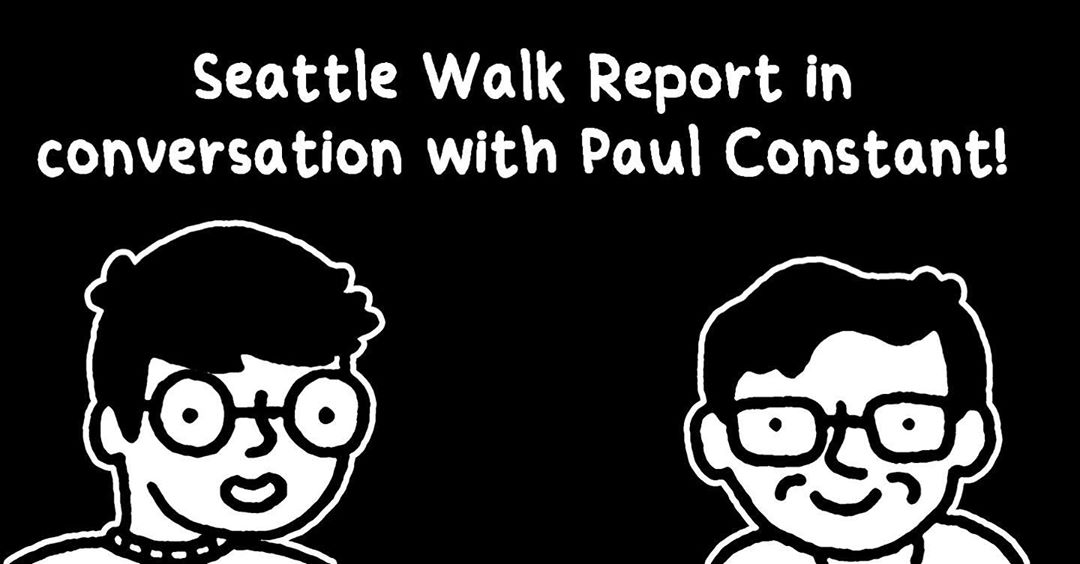
I don't mean to brag, but...okay, I totally mean to brag: The Seattle Review of Books published the very first interview with Seattle-based cartoonist Seattle Walk Report about two years ago. Even then, and even hidden behind the name of the strip as a pseudonym, she was very clear about her origins.
"I was born and raised in Seattle, and I’ve never lived anywhere else — even for a second," Seattle Walk Report told me. She'd never had a driver's license, but walking "was not something I found much joy in until very recently."
Suddenly, in 2017, "the pure joy of long, winding, destinationless walks really hit me," she said. "I would wake up on a day off, and I would leave with no destination. And sometimes nine, ten hours later, I would come back, and that was just how I spent my day." She said that "walking really made me reconnect with Seattle, and reconnecting with Seattle made me walk."
Seattle Walk Report's Instagram feed is a total delight — one of the only things that keeps me coming back to the Facebook-owned service on a regular basis. Her cartoons are funny and interesting to look at and full of surprises. She squeezes more delight into a few square inches than just about any cartoonist I can think of.
Tomorrow night, Seattle Walk Report is launching a book full of all-new material from Seattle-based Sasquatch Books at the downtown branch of the Seattle Public Library. Her public identity will be revealed — relax, people, she's not a celebrity or anything — and she'll make her first-ever public appearance. She'll present a short talk about her origins and her process, and then she'll be in conversation with me for a while, and then she'll take your questions before signing books for as long as it takes.
I try to avoid conflicts of interest on this website, but I feel confident in saying that even if I were not a participant, this reading would be the Event of the Week. How often do you see the unmasking of a real local celebrity, the debut of a comic from one of our most interesting local cartoonists, and a celebration of the weird and wonderful things you find on everyday Seattle streets all in one night? The answer is never. You never get to see that kind of thing. This is going to be a special one.
Seattle Public Library, 1000 4th Ave., 386-4636, http://spl.org, 7 pm, free.
The Sunday Post for August 11, 2019
Each week, the Sunday Post highlights just a few pieces of longform writing that we loved reading. Settle in with a cup of coffee, or tea, if that's your pleasure — we saved you a seat! Read an essay or an article online that you loved? Let us know at submissions@seattlereviewofbooks.com. Need more browse? You can also look through the archives.
Dying the Chrstians science way
Carolyn Fraser’s account of the death of her father, a Christian Scientist, from gangrene is gut-wrenching and chilling. As difficult as it is to imagine making the decision to refuse treatment for such a gross physical insult, it’s even harder to imagine encouraging someone to do so. There’s nothing noble about shoring up your own faith through someone else’s extremity of suffering.
Death is never easy, either for the dying or for those left behind. It’s now commonplace for ethicists to lament the ways hospitals encumber or complicate dying, by encouraging hope where there is none, or by refusing to clarify the point at which further intervention may be needlessly expensive or excruciating. But there is something worse than death in a hospital. There’s dying unnecessarily of conditions or diseases for which real treatment or pain management is readily available. There’s dying without help, without pain relief, without care.
The life and death of an American Indie Press
Taylor Moore with the story of Curbside Splendor, a midwestern indie press beloved by everyone but the authors it refused to pay. The overwhelming majority of independent presses get it right; here’s the gritty detail of how hard it is to do what they’re doing, and how much it matters.
This phenomenon—of small business owners getting in over their heads—is not unique to Curbside, said Michael Gross. It’s systemic. As director of legal services at the Author’s Guild, Gross assists authors with contract reviews and publishing disputes, and what’s happened at Curbside is occurring across the country, he says. The rise of e-books and print-on-demand publishing since the turn of the century has made the historically expensive publishing industry more accessible, which is a double-edged sword—it’s easier than ever to get published now, but it’s also easier than ever to get screwed.
Paper books can't be shut off from afar
We don’t trust doctors as much as we used to, and nor should we. The God-like physician trope is one I’m happy to see fade away. But the power of doctors hasn’t faded: medicine is hard, sometimes brutal, sometimes dangerous to the patient — or in the case of the massive antibiotic therapy administered by “Lyme-literate” doctors, dangerous to us all. Here’s Molly Fischer on how a chronic and disabling disease entered modern medicine’s wild west.
You are unlikely to find yourself in this office unless you’re already considering the possibility that you have Lyme disease — perhaps you saw something online or heard something from a friend. Still, a Lyme-literate doctor like Raxlen is the gatekeeper who validates chronic Lyme as an identity. Lyme-literate doctors are often referred to as LLMDs, though the title doesn’t reflect any specific set of qualifications or credentials. ILADS offers a daylong course in Lyme fundamentals and, through its educational arm, the International Lyme and Associated Diseases Educational Foundation (ILADEF), a one-to-two-week training program for clinicians. The only prerequisites for the latter are completion of the Lyme-fundamentals course and the ability to prescribe antibiotics.
Whatcha Reading, Michelle Peñaloza?
Every week we ask an interesting figure what they're digging into. Have ideas who we should reach out to? Let it fly: info@seattlereviewofbooks.com. Want to read more? Check out the archives.
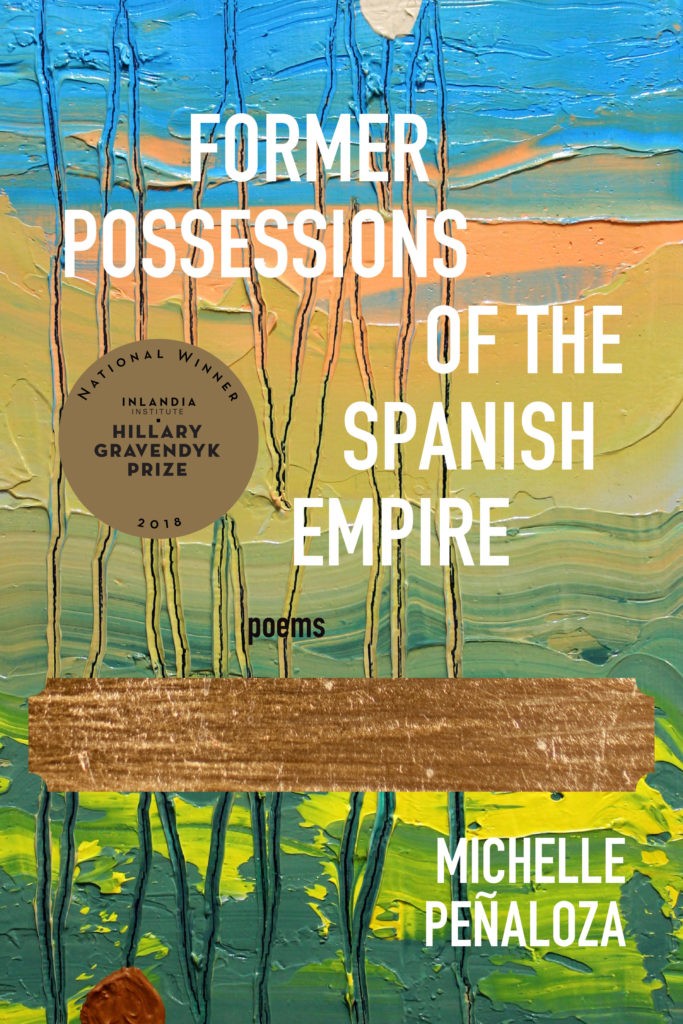
Michelle Peñaloza is a once Seattle, and now Northern California, based poet. Her latest book, Former Possessions of the Spanish Empire, was just released. Michelle is in Seattle for a number of events, celebrating the launch of her new book, and you should see her while she's around! Today, August 10 at 6:30pm: Literaoke Book Launch, at the Beacon (Massive Monkey's studio, 664 South King Street), with Quenton Baker, Anastacia Renee, Troy Osaki, and Jane Wong. Sunday, August 11th at 3pm: All-Pinxy All Stars at Estelita's Library (25533 16th Ave S), with Jen Soriano, Dujie Tahat, and Anis Gisele. Monday, August 12th at 7pm: All-Pinxy All Stars at the Elliott Bay Book Company (1521 10th Ave), with Robert Francis Flor, Emily P Lawson, and Corina Zappia.
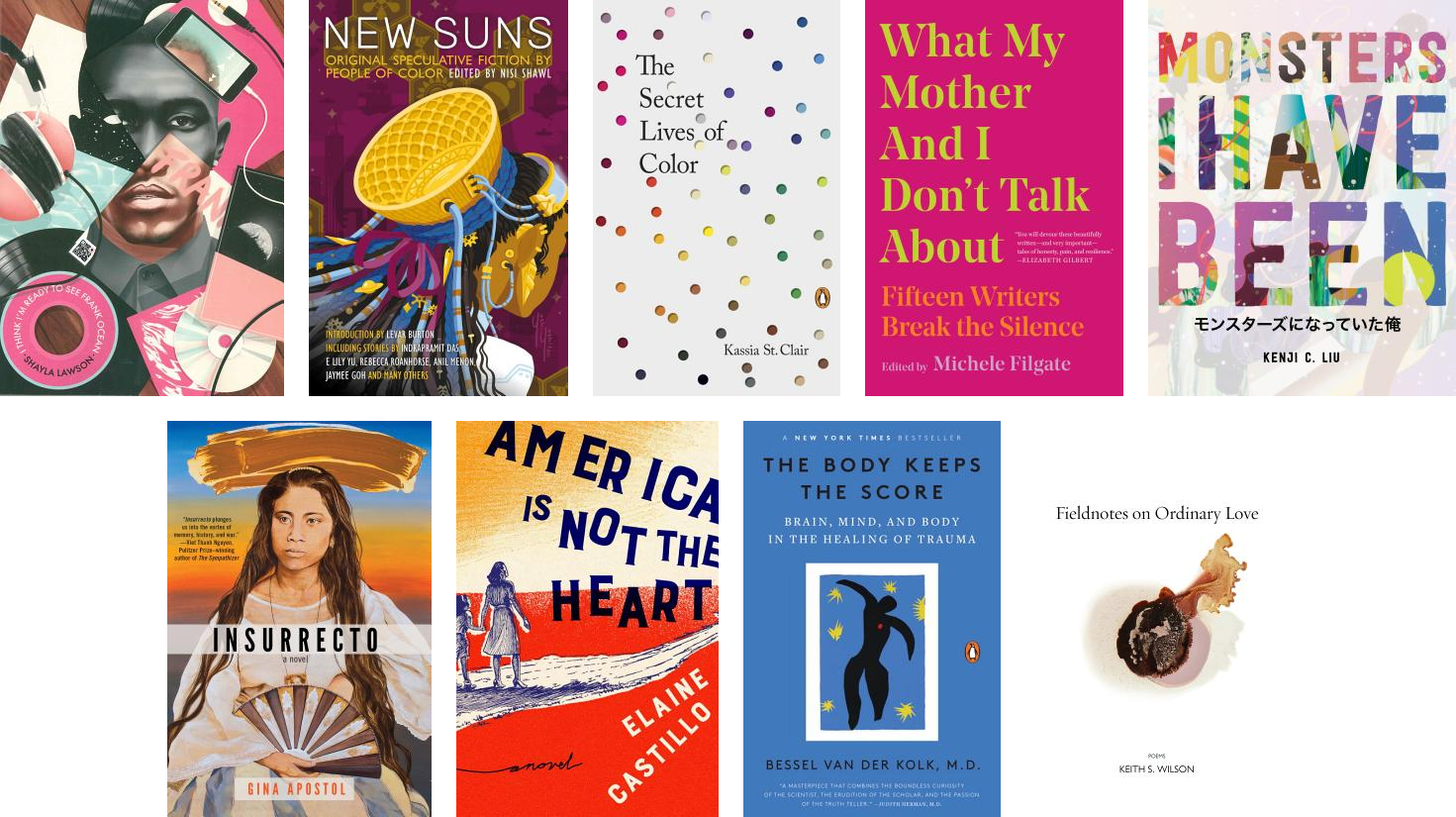
What are you reading now?
I'm reading I Think I'm Ready to See Frank Ocean by Shayla Lawson, New Suns: Original Speculative Fiction by People of Color edited by Nisi Shawl, and randomly thumbing through The Secret Lives of Color by Kassia St. Clair (it's full of stand-alone pieces that are lovely little anecdotes to start or end the day).
What did you read last?
I've stopped and not finished a bunch of books this summer, but I just finished What My Mother and I Don't Talk About: Fifteen Writers Break the Silence edited by Michele Filgate very quickly and before that I read Kenji Liu's thought-provoking collection, Monsters I Have Been, and re-read Gina Apostol's inspiring and inventive novel, Insurrecto.
What are you reading next?
I'm excited to for the next books I've got on the docket: America is Not the Heart by Elaine Castillo, The Body Papers by Grace Talusan, The Body Keeps the Score: Brain, Mind, and Body in the Healing of Trauma by Bessel van der Kolk MD, and Fieldnotes on Ordinary Love by Keith Wilson.
The Help Desk: The books fell in the stream
Every Friday, Cienna Madrid offers solutions to life’s most vexing literary problems. Do you need a book recommendation to send your worst cousin on her birthday? Is it okay to read erotica on public transit? Cienna can help. Send your questions to advice@seattlereviewofbooks.com.
Dear Cienna,
A big-name novelist recently posted on Facebook that he wished people spent more time reading and less time binge-watching TV. Do you think those two things are related, or is he being a huge old grump?
Aimee,
Sunset Hill
Dear Aimee,
It sounds like the kind of thing a smug person would write as a way to subtly confirm the superiority of his own lifestyle, but I wouldn't know for certain because I don't use Facebook. If only people spent more time reading and less time throwing up judgy Facebook posts. Sigh.
There are some really fantastic teevee shows out with compelling narratives and strong character development (Patriot and Dirtbag come to mind). Those are also qualities people treasure in books. Binge watching teevee doesn't have to mean you're not a reader, just as chanting "Bloody Mary" three times in my bathroom mirror doesn't have to mean I'm superstitious. It might also mean I want another drink.
Kisses,
Cienna
Portrait Gallery: Toni Morrison, 1931 - 2019
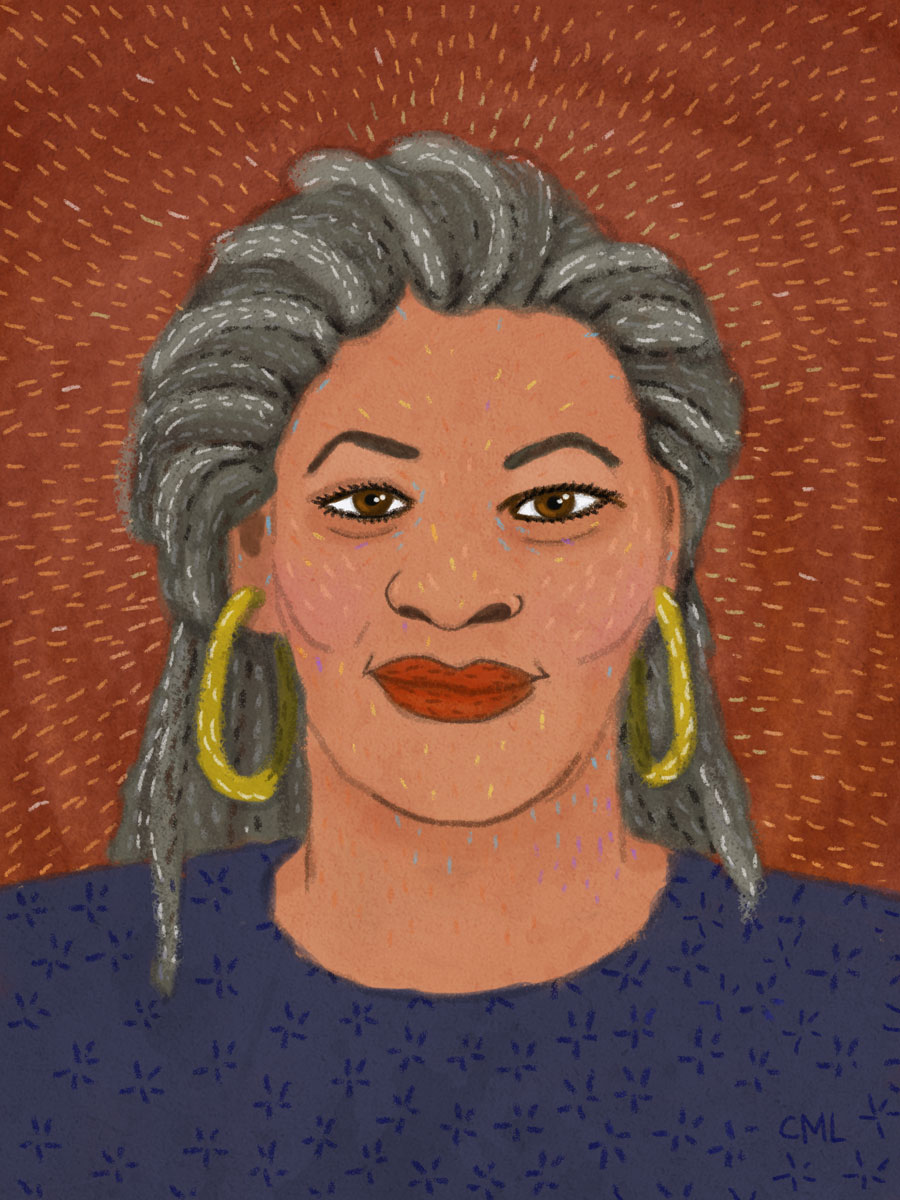
I have always found it difficult — if not impossible — to write about Toni Morrison. Hers was a once-in-a-generation talent. Her thinking was so clear and precise, her writing so free from the encumbrances of cliche, that writing about her with my clumsy prose always felt insulting, somehow. There's nothing I can say about her passing that hasn't already said, and better than I could ever say it. Many of us alive now never knew what it was like to read a brand-new book by James Baldwin, or Virginia Woolf. Nobody alive ever witnessed the new publication of a novel by Dostoevsky or Melville. But until this week, we lived in a world where Toni Morrison was alive, and writing, and publishing. We were lucky. — Paul Constant
Book News Roundup: Seattle Public Library wins big, King County Library speaks out against ebook price-fixing, Seattle has a new Civic Poet
- Seattle voted to approve the Library Levy in a landslide! You'll start to see benefits from the levy, including longer hours at local branches and no more late fees, starting next year. Thanks to the nearly 75 percent of you voters who made this possible. SPL Executive Director and Chief Librarian Marcellus Turner published a thank you note on SPL's site.
-
In other library news, King County Library System Executive
Director Lisa Rosenblum
published an essay at Geekwire
calling out Macmillan's ludicrous plan to limit library access
to ebooks.
Macmillan Publishers, one of five major publishers in the United States, recently announced a new lending model that limits public libraries to only one copy of newly-released titles in digital formats, followed by an eight-week embargo on purchasing additional copies. For the King County Library System, with 50 libraries serving more than 1 million residents, the announcement is especially troubling.
- Jourdan Keith was announced as Seattle's latest Civic Poet yesterday. Her first appearance in the role — which serves as a cross between Poet Laureate and goodwill ambassador for the literary arts — will be at the Mayor's Arts Awards on August 29th. We hope to publish an interview with Keith here on the Seattle Review of Books soon.
Thursday Comics Hangover: Comics will break your heart, and maybe your nose
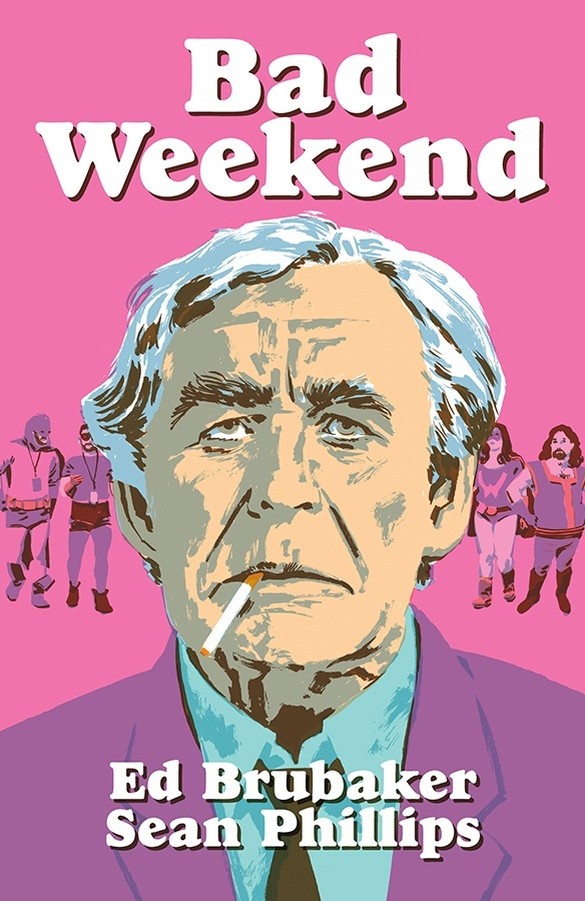
Bad Weekend is a slender hardcover crime comic from the tried and tested comics team of writer Ed Brubaker and artist Sean Phillips. It's about a young man who's hired to chaperone a jaded old cartoonist around a comic book convention. Theft and assault and other crimes are on the menu, and the book serves as a kind of Dante's Inferno of the comic industry's seedy underbelly.
The character at the center of Bad Weekend, Hal Crane, is an exhausted old cartoonist who has been burnt so many times by the comics industry that he's basically a pile of ash. Even now, as nerds try to pay homage to him, he's distrustful of their approval and disdainful of all the people who never bothered to give him the time of day when he was a hungry draftsman looking for a steady gig.
I don't think you can parse Hal one-to-one with any single cartoonist from comics history, but he's sure assembled from a bunch of different anecdotes. Pretty much every kid who grew up reading comics in the 1980s is very familiar with the seedy old bitter cartoonist, and how they barely tolerated our adoration. It's all so undignified that a life of crime seems downright classy by comparison.
Listen: are there any other comic teams working today with as smooth a symbiosis as Brubaker and Phillips? Just as old married couples are said to resemble one another, Brubaker's prose has become clearer and more striking, to match Phillips's art. The character work, both in writing and in art, is impeccable.
Bad Weekend doesn't have the heft and the haunting rage of some of Phillips and Brubaker's other work — Kill or Be Killed is, to my mind, one of the best comics of the decade — but it is perfectly clever and fun all the way through. It's maybe the closest thing to an Elmore Leonard novel I've read in comics form — and that's a pretty goddamn high compliment. Maybe Hal Crane can't find anything to love about comics anymore, but — thanks to Brubaker and Phillips — I sure can.
Are we doing the best we can do?
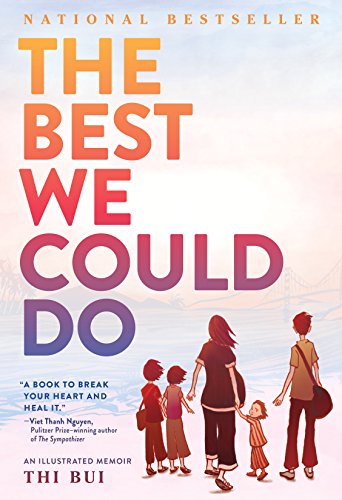
At last night's Reading Through It Book Club, several members admitted that the selection, Thi Bui's memoir The Best We Could Do, was the first full-length comic they've ever read. That's a pretty steep learning curve to expect from a reader: Bui is a brilliant cartoonist who employs a wide array of comics techniques to tell the story of her family's flight from Vietnam to America. It's kind of the equivalent of expecting someone to jump directly from the first Harry Potter book into William Gass's The Tunnel.
But these novice comics readers more than handled the challenge. Most members of the book club enjoyed Best and found Bui's family history to be engaging and more than a little heartbreaking. We could have spent the whole hour discussing technical details, such as the way Bui masterfully employed the black-and-white book's single color — an orange whose many shades evoked a number of story elements including carrot juice and the red soil of Vietnam. And several people found new levels of enjoyment from those discussions.
But there's so much more to discuss. By zipping forward and backward in time, Bui illustrates the true cost of intergenerational trauma that all refugee families have to pay. Bui's new baby hasn't experienced the Vietnam War or the heartbreak of losing everything to start over in the United States, but those factors will still play a huge role in the child's life. No generation is ever truly free of the hardships delivered on the generations before.
I wrote at length about The Best We Could Do a few months ago, when it was selected as the Seattle Reads book. But reading it in the context of our current-events book club, which aligns the story of Bui's family against the concentration camps along the southern border of the country today, casts the book in a different light.
I couldn't help but wonder as I read The Best We Could Do for a second time what kind of memoirs future readers would be reading twenty years from now. How will those books cast those of us who called ourselves Americans? What color will the cartoonist choose to stain the pages? What are the tragedies unfolding now that future generations will carry?
Lunch Date: Taking Elliot Reed's A Key to Treehouse Living out for beer
(Once in a while, we take a new book out to lunch and give it half an hour or so to grab our attention. Lunch Date is our comment on that speed-dating experience.)
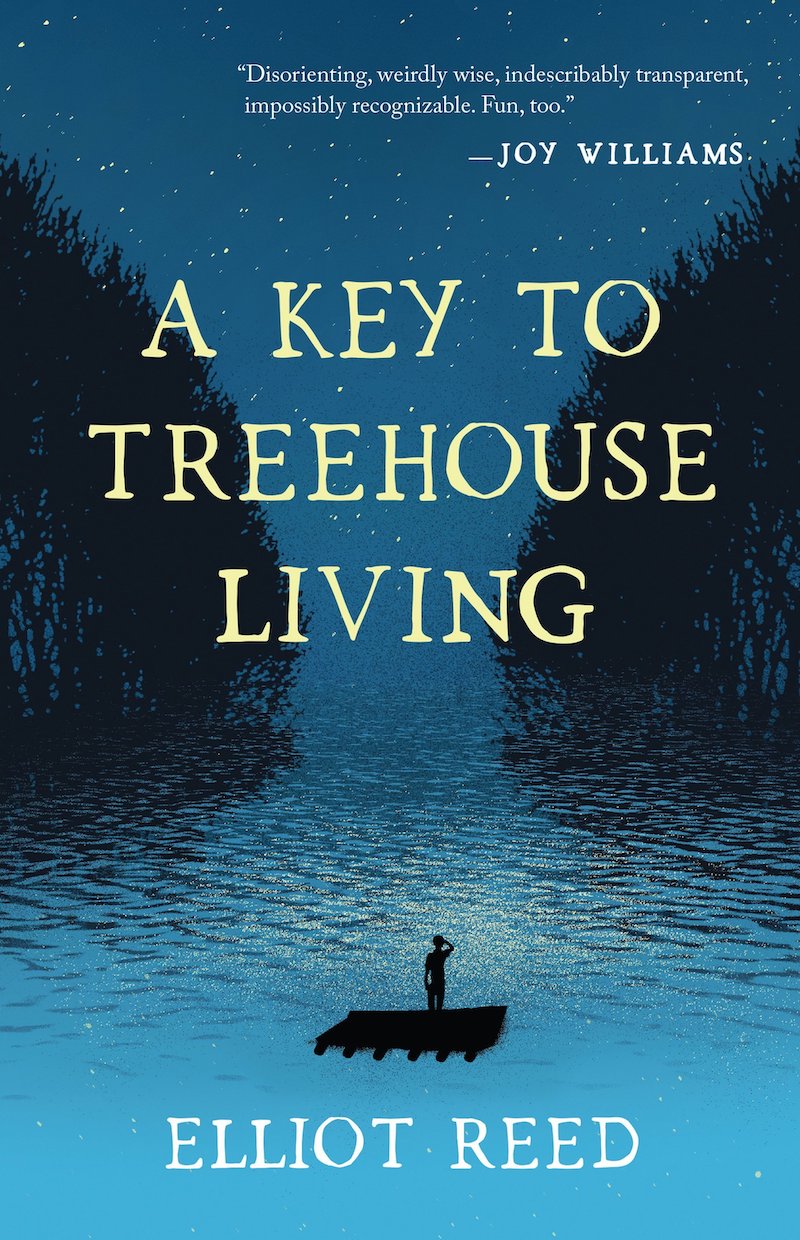
Who’s your date today?
A Key to Treehouse Living, a novel by Elliot Reed.
Where’d you go?
Never good at the principles of successful dating, I offered Treehouse Living the Saturday equivalent of a sad desk lunch. We went to Fremont Brewing and found a corner seat where we could hide from the crowds, if “hide” means “sit in the middle of a seething mass of drunk-by-noon humanity.”
What’d you eat?
We paired a tomato and parmesan croissant from Sea Wolf Bakery with a Dark Star imperial stout. Actually, it was half a croissant left over from brunch, which made 1.5 croissants total for the day.
How was the food?
Excellent. Sea Wolf Bakery is a working bakery that supplies bread to every restaurant you can’t afford, so they don’t mess around. Today they sold the last nectarine croissant right before I got the register. Sad! But their savory croissant at the moment is lightly roasted tomatoes sandwiched between herbs and finely grated parmesan cheese. Sweet, salty, fresh, and the kind of buttery layers that’d make Paul Hollywood blush.
As for the stout — you could put Dark Star in a ring with every piss-colored IPA in Seattle, and Dark Star would still walk out untouched
What does your date say about itself?
From the publisher’s promotional copy:
A Key to Treehouse Living is the adventure of William Tyce, a boy without parents, who grows up near a river in the rural Midwest. In a glossary-style list, he imparts his particular wisdom on subjects ranging from ASPHALT PATHS, BETTA FISH, and MULLET to MORTAL BETRAYAL, NIHILISM, and REVELATION. His improbable quest ― to create a reference volume specific to his existence ― takes him on a journey down the river by raft (see MYSTICAL VISION, see NAVIGATING BIG RIVERS BY NIGHT). He seeks to discover how his mother died (see ABSENCE) and find reasons for his father’s disappearance (see UNCERTAINTY, see VANITY). But as he goes about defining his changing world, all kinds of extraordinary and wonderful things happen to him.
Unlocking an earnest, clear-eyed way of thinking that might change your own, A Key to Treehouse Living is a story about keeping your own record straight and living life by a different code.
It seems unlikely that Treehouse Living would describe itself in any such way, but publishers do what they have to do.
Is there a representative quote?
Sure, let’s try something from CAMPFIRE: “A fire built outside. Thisis very important: you build a campfire outside, never in. It may be cold in the treehouse, and you may build a fire in there to stay warm, but believe me, you will regret it.”
Will you two end up in bed together?
Yes. This book and I have been meaning to meet up for a while now, and I’m glad we finally got together. I'm addicted to the format — every glossary entry is a small story, and there're hints at something bigger and sadder that are perfect date fodder. Who can resist the sad, mysterious ones? I hope that the "real" storyline doesn’t dominate, though, because a lot of the charm is the way the book wanders. Hints at William's losses and gains aren't any more or less important thanhis observations about how good puppies are at bonding or the real difference between balloon dogs and balloon giraffes. As a date, Treehouse Living knows how to connect without taking over the conversation, and I’d buy it a beer again any time.
The discomfort of memoir: a conversation with cartoonist
German cartoonist Ulli Lust's new comic from Fantagraphics, How I Tried to Be a Good Person, is a memoir about a relationship. But this is anything but a love story. After the reader grows to care for a younger Lust as she establishes a free-range open relationship, they can't help but watch uncomfortably watch as Ulli ignores all the red flags and marries a Nigerian man who slowly draws her into a cycle of horrible abuse. Person isn't afraid to ask complicated questions about race and power and love and identity. It's a prickly book, but a beautiful one.
I met up with Lust last month as she was preparing for the Hot Off the Press street fair at Fantagraphics Bookstore and Gallery. Person is the second of Lust's books that Fantagraphics has translated and published in America, and the love between publisher and author is palpable. What follows is an edited transcription of our conversation.
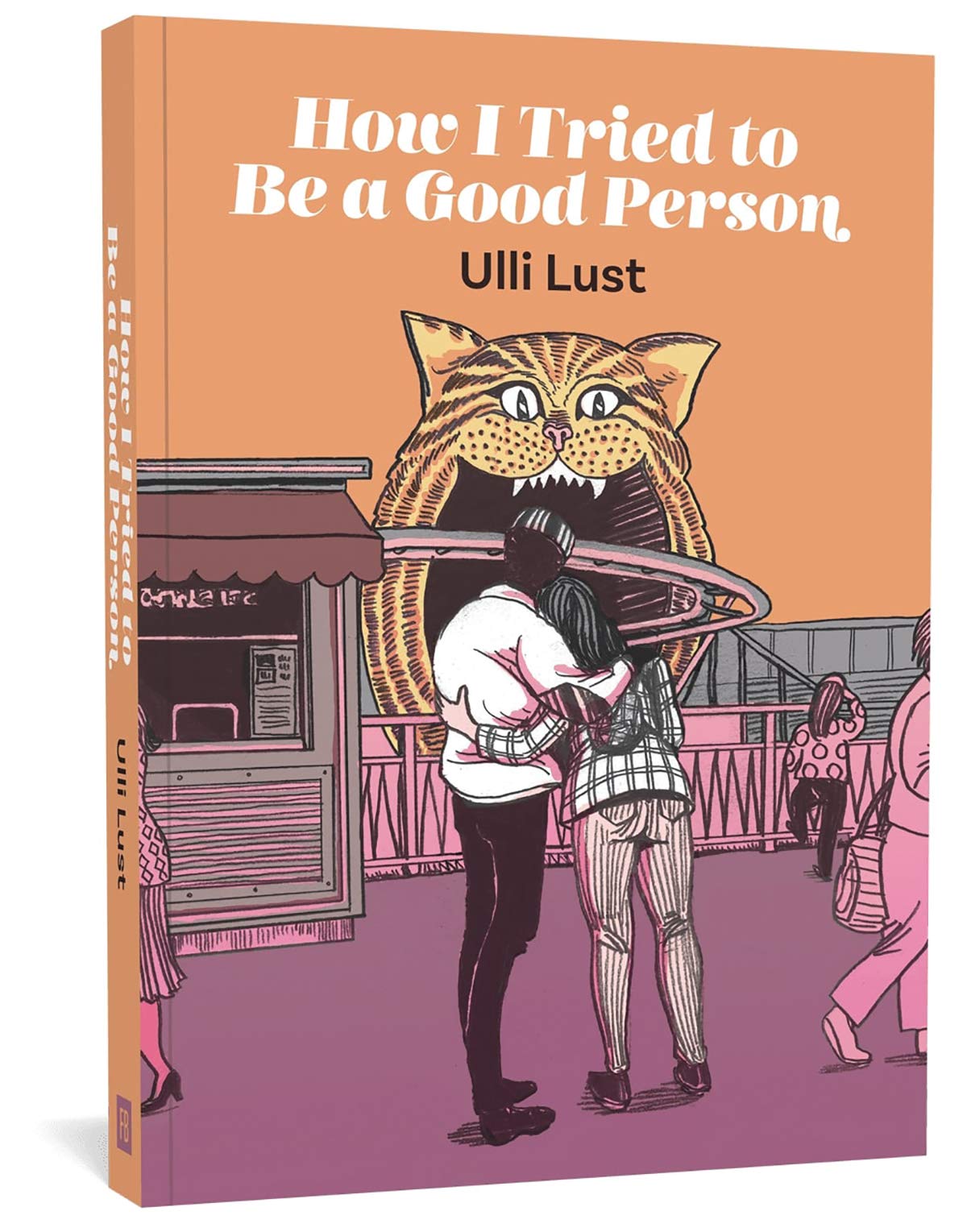
I love the new book.
Great to hear.
I first would like to ask a very dumb question that I've always wanted to ask a cartoonist with a book like this, a black-and-white comic that's accented only by one single color through the book. May I ask how you chose the color for the single color?
I always ask, 'what is the vibe of this story?' It's not a very big choice. You don't have so many options for a second color. It has to be a not-too-intense color. It has to be a bit light. And sp then, what do I have? I have and warm and cold, like blue or pink.
For the first book I wanted something more military, adventurous. That's why I went with green. For the new book I needed something warm, tender. Pink is also very fleshy. So it was the perfect match for a love story.
You write about yourself in a way that feels very honest. At this point, do you think twice about sharing details of your life or is it something that just happens?
The question is not, 'Do I share details of my life?' The question is, 'Are these details interesting? What do they add to the story?'
My life is like the source. I'm not really interested in myself. It's just I'm a woman living in this time. Because it's my experiences, I have access to the inner thoughts, and reflections of the person in this story, and I use them.
I am just the model. And if I tell about myself I don't need to care about personal rights. I can tell everything, as long as I am okay with it. My interest as an artist is to be honest and intense.
There's a lot of literature which follows this model. And my main goal is not to look good, but to be a good author. And these are two very different targets.
In America and in Canada, there's a tradition of autobiographical cartoonists like Joe Matt and Seth, and Julie Doucet.
Yeah, big inspirations.
You write about a lot of the same subjects as them, but it feels there was something in those books to me that felt like there was a little bit of a moral edge to their work, an 'oh, I'm being so bad,' sort of transgressive vibe to their work that I think is missing from your work.
I'm happy to hear that!
Do you agree with that assessment? Not to call anybody out by name, but do you think there's a performative aspect to memoir comics in recent history?
I really like those Canadian guys. They are a big inspiration. I really like how Joe Matt talks about himself.
But there was a confessional vibe to earlier comics that doesn't show up in your books. Your work doesn't feel confessional to me, in that way.
I am not interested in the confession aspect. No, no.
I'm inspired by these type of autobiographic comics, but in the end, I'm much more inspired by literature. Like the Beat poets. They are very old but their attitude is great, you know? All these artists from the '60s, '70s were very open about their mindset. That's what I find inspiring.
That's why my books are big, also, because I'm more inspired from the novels more, than from the comics actually.
You also think a lot about rhythm, right?
Yes, rhythm and comics are bound together.
You're doing something different in this book than your earlier work, where you have these beautiful, usually silent splash pages that pause the story.
One interesting aspect for me with new stories is always to think about, 'How can I bring this work to life? How can I materialize it?' Maybe the changes are small between the first and the second book, but they are very targeted. I think about which type of coloring and layout fits the best to this story. Every author or cartoonist or filmmaker is thinking about how to do that.
But I really enjoyed it, that aspect, in this book.</p>
You've always been a very good artist, but it feels like you were able to do a little more illustration, does that distinction make sense at all?
I get better with the drawings all the time. But I don't do illustration anymore, because it sucks.
Why does it suck?
It sucks to do jobs drawing images which other people would love to draw themselves. Then they tell you what to do, and then they are...
[Here, Lust makes a face that's exasperated and more than a little annoyed.]
Yeah, I just want to draw whatever I like.
Some artists enjoy very much to just develop a beautiful image, but I am not interested in the aesthetics that much.
Really?
I am, of course, because it's part of the language. But not only to make a beautiful picture, you know?
But the splash page in this book with the giant penis—I thought that was very beautiful. It's a beautiful illustration.
That's because it has a big energy for the story. You have to get this energy, so you need the beauty, of course. The beauty is in service of the story.
Okay.
Sometimes I do some short projects where I can experiment. Like at the moment, I'm doing a project about the Berlin Mauerpark. It is a park in Berlin where there was the Wall, and now you have a lot of street musicians, and parties, and colorful people. And the project is to blend in the past with the present. And the pictures are quite interesting.
It seems like that would be very good for comics, too.
Yeah. At the moment it's a serial. You can observe it at Instagram. It's called "Ghosts on Mauerpark," and it's just a fun project to do something short on the weekends when it's too tight for to make a comic. You know, comics take a lot of time, and also concentration. It's difficult always, with the comics.
Something I wanted to ask about, specifically in the art that has always interested me about black and white comics, is the illustration of different races. It seems difficult to depict multiple races in black and white comics.
Yeah, it's very difficult. It's very difficult to draw black people in black and white because any line you put in the face, it makes an expression. And you need to add color, you have to make the face dark, but it suddenly creates a sinister atmosphere. It's just a visual problem with light and dark.
The way you dealt with that I thought was very good. Kim's face was completely white at certain points when you needed to see the expressions and things like that, but it didn't feel artificial.
I'm happy that you say that, because it was a big struggle. I realized later that if I would have put only a gray tone, that would have made it more easier.
Do you think? Because I've seen that before, and that feels not quite right. You know, and I've also seen very tight hatching and that just comes across as a little visually static. The way you handled it was very good, but depicting nuances of race in black and white comics has always been difficult and I think it makes covering racial nuance difficult, I think, for a lot of artists in the form.
Very, very, very, very difficult. Yes. I was afraid of the racist aspects, that there would be something wrong or that people would be upset. But people understand that this figure is not speaking for all black people in the world, but for himself as an individual. So it worked out well. I was a bit afraid because it's tricky.
I think having that space helped. If it were a 12 page story it would be very different, but you established the character.
Yeah, and I was in love with him, so I hope that this comes through too. Some readers said 'oh, I hated this guy from the beginning.' But I didn't.
Was it difficult or enjoyable to get into the headspace of a very passionate young woman in that way?
It's just nice to relive intense times. I didn't like to draw the violence part. I'm not good with beating and I'm not good with fighting, drawing fighting, you know?
The dynamic action things?
Yeah, yeah, yeah. You have to like it. And I don't. So this cost me a lot of energy.
Does the translation process take a lot of time or a lot of work?
Actually the English translation is the only one which I can control. Because the other translations — I don't speak Spanish or Finnish, or whatever. But the English one I can read and I found a lot of mistakes, because German is also a very complex language, and some words change their meaning when they are put on another spot or something. It's tricky to get the right meaning. So I had to send some corrections.
The most exciting thing for me is to be published in America.
Oh yeah?
It's just fantastic, because iI feel like a, you know, like a newcomer from somewhere in the outback. And they think I'm my work is good enough? That's just cool. That's really cool.
Yesterday, when Eric Reynolds was telling me, how much he likes my book, I'm just like, 'Oh my god. This guy knows so much about comics!'
It's funny because they started out as the young punk radicals, and now it feels like they're the mainstream.
I mean, they do so many good comics.
The promise in your pocket
Published August 6, 2019, at 12:00pm
A new book by a UW professor tries to tell the story of Silicon Valley without all the hagiographies and histrionics.
Unable to Waken
And the echoes began
their wings broken
and glaciers wept themselves to sleep
their towers fallen
their wings broken
and the seasons unraveled
their towers fallen
and the seas rose higher
and the seasons unraveled
their webs no longer woven
and the seas rose higher
their currents misguided
their webs no longer woven
and the songbirds migrated toward silence
their currents misguided
and their forests flared all summer
and the songbirds migrated toward silence
their routes disrupted
and their forests flared all summer
their biographies unwritten
their routes disrupted
and rivers wandered the desert
their biographies unwritten
and starlight appeared in daylight
and rivers wandered the desert
their salmon lost in the ocean
and stars appeared in daylight
their warnings disregarded
their salmon lost in the ocean
and glaciers wept themselves to sleep
their warnings disregarded
and the echoes began
Sponsorships are now open!

We've opened the books — you can now buy sponsorships through January, 2020. Head on over to our sponsorship page if you're ready to browse what's available.
Sponsorships are a great, inexpensive way to get your words in front of the best book loving audience in the world. There's a reason Seattle is a UNESCO city of literature, and why independent book stores are thriving. Seattle loves to read.
So if you have an event that would appeal to readers or writers, or if you have a book you want to put before the most passionate reading audience you can imagine, check out why our sponsorships will be just the thing for you.
Your Week in Readings: The best literary events from August 5th - August 11th
Monday, August 5th: A City Made of Words Reading
Paul Park is a novelist who has written across genres, though you likely know him from his best-known A Princess of Roumania series of sci-fi novels. His latest is a collection of short stories about belief and magic. University Book Store, 4326 University Way N.E., 634-3400, http://www2.bookstore.washington.edu/, 6:30 pm, free.
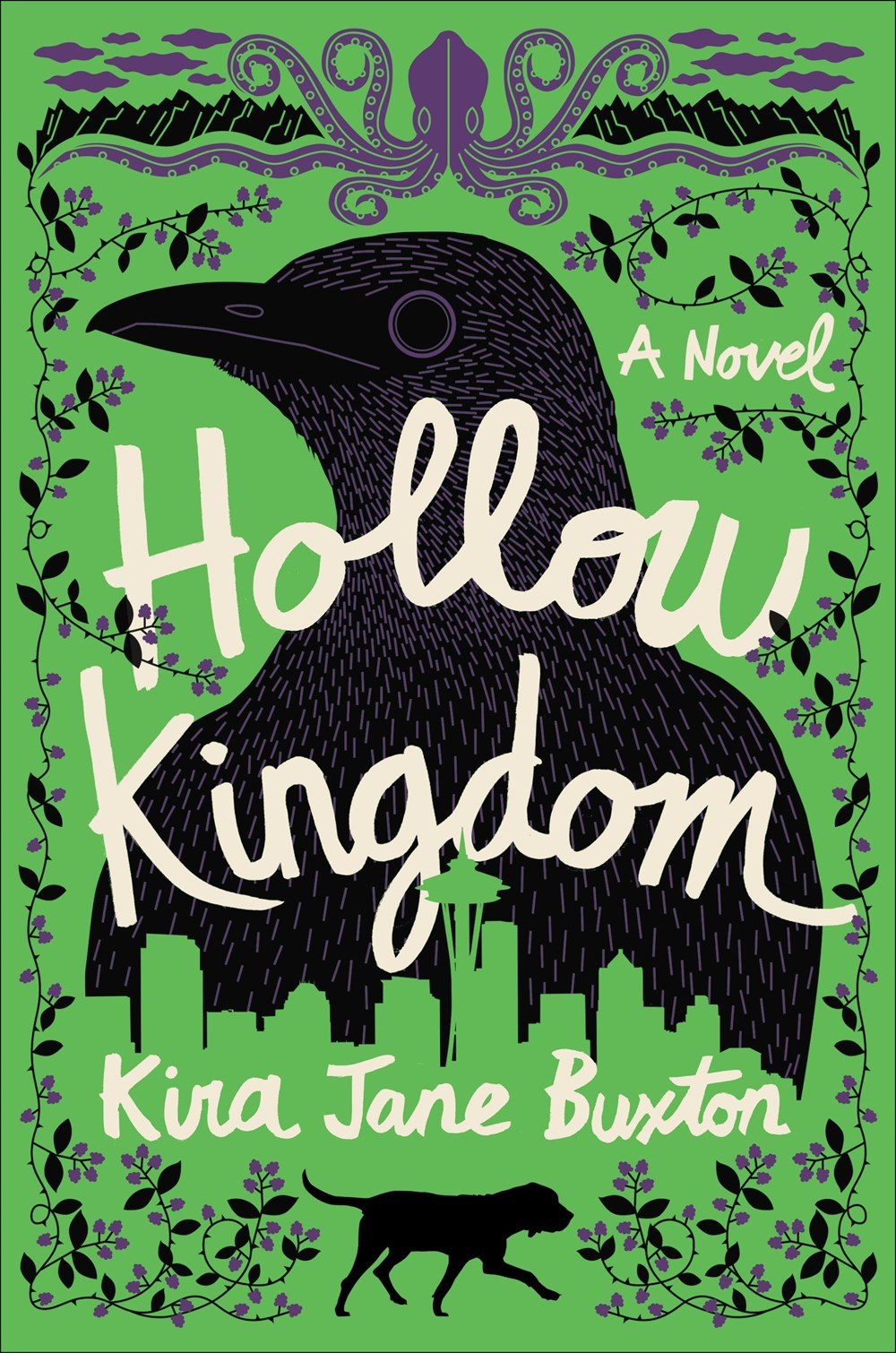
Tuesday, August 6th: Hollow Kingdom Reading
Local author ira Jane Buxton's long-awaited new novel is about a domesticated crow who loves Cheetos. Then, the world ends all around him, and he's forced to try to make things right again. Third Place Books Lake Forest Park, 17171 Bothell Way NE, 366-3333, http://thirdplacebooks.com, 7 pm, free.
Wednesday, August 7th: Majd Mashhawari
Majd Mashhawari was going to speak at Elliott Bay Book Company earlier this year, but she had visa troubles. (Funny how there are so many of those lately, huh?) Today, she'll finally talk about her solar power kit with a Seattle architect named Rania Qawasma, Elliott Bay Book Company, 1521 10th Ave, 624-6600, http://elliottbaybook.com, 7 pm, free.
Thursday, August 8th: Raised in Captivity Reading
Chuck Klosterman definitely doesn't hurt for a platform. Klosterman has gone from a beloved magazine feature writer to a beloved writer of books to a kind of pop cultural wise man over the last couple decades. His latest is a series of thought-provoking short fictions that are written in the style of non-fiction. Elliott Bay Book Company, 1521 10th Ave, 624-6600, http://elliottbaybook.com, 7 pm, free.
Saturday, August 10th: Former Possessions of the Spanish Empire Reading
See our Event of the Week column for more details. Massive Monkees Studio, 664 S King St,251-1524, http://www.openpoetrybooks.com, 7 pm, free.
Sunday, August 11th:
See our Event of the Week column for more details. Estelita’s Library, 2533 16th Ave S, https://www.facebook.com/events/2089635727813422/, 3 pm, free.
Event of the Week: Come out for Michelle Peñaloza's book launch extravaganza!
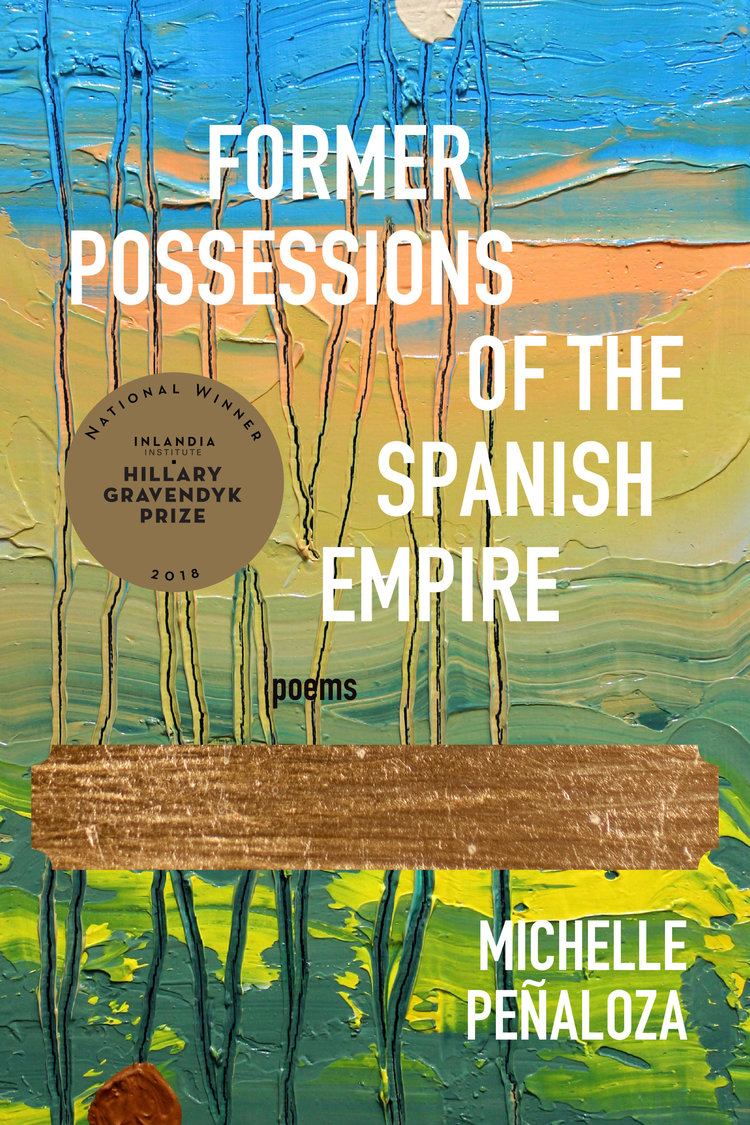
When I talked with poet Michelle Peñaloza last week, she explained that she wrote much of her debut collection of poetry, Former Possessions of the Spanish Empire, here in Seattle. Even though she moved away to northern California two years ago, she knew she wanted to celebrate the launch of her new book here in town.
"I'm happy to be having my literary launch in Seattle because it does still feel very much like literary home for sure," she told me. Peñaloza is very happy in California, but she misses "just how literary the community [in Seattle] is, and how many good people I had and still have there."
She's celebrating her book's release with three big events starting this Saturday with a "literaoke" celebration at Massive Monkees Studio in the International District. Peñaloza admits she's "stealing" the literaoke idea from Kundiman, which has hosted readings with karaoke at AWP for many years now.It's exactly what it sounds like: a book party with readings and audience karaoke.
"Two of my favorite things are our poetry and karaoke," Peñaloza explained, "and you'd be surprised how many poets love karaoke. I think there's something cathartic about it."
For the other readings, beginning at Estelita's Library on Beacon Hill on Sunday and continuing at Elliott Bay Book Company on Monday, Peñaloza has something else in mind. "I wanted to have an all-Filipinx lineup. it was important for me to be intentional about that and ask other Filipino-American folks to participate in that with me and make it all about us."
It's thematically tied to the book, too. Former Possessions of the Spanish Empire is in part about what it means to be a Fillipinx-American — the historical, cultural, and geographical implications of everything that it took to get her to this place in this planet at this time. At Estelita's, Peñaloza will be joined by Anis Gisele, Jen Soriano, and Dujie Tahat. At Elliott Bay, she'll be reading with Robert Francis Flor, Emily P. Lawsin, and Corina Zappia.
Onstage, Peñaloza will be celebrating with some of the finest Fillipinx authors this city has to offer. If you have a really big moment in your life like a poetry book launch, why wouldn't you spend it with the people you most want to celebrate?
Massive Monkees Studio, 664 S King St,251-1524, http://www.openpoetrybooks.com, 7 pm, free.
Estelita’s Library, 2533 16th Ave S, https://www.facebook.com/events/2089635727813422/, 3 pm, free.
The Sunday Post for August 4, 2019
Each week, the Sunday Post highlights just a few pieces of longform writing that we loved reading. Settle in with a cup of coffee, or tea, if that's your pleasure — we saved you a seat! Read an essay or an article online that you loved? Let us know at submissions@seattlereviewofbooks.com. Need more browse? You can also look through the archives.
The launch
There is so much detail that goes into the most mundane bits of life — we are wandering around like idiots most of the time, biting mindlessly into apples, for example, with no awareness of the batshit cataclysm of biology and finance and competition that lie behind each tart bite.
About an hour outside Wenatchee, a man named Dale Goldy, who was once in charge of scouting new varieties for the apple giant Stemilt, gave me a tour of his nursery: thousands of young trees growing in long, straight lines; stacks of new saplings waiting in the dark, frigid warehouse where he keeps three-quarters of a million mostly custom-ordered young trees of various kinds. Some were labeled with their variety and rootstock, but others were identified only in code. “So when people like you walk through the tree storage, you don’t know what you’re looking at!” laughed Goldy. It was a scary, competitive world out there, he explained: “We can’t relax for a second. If we don’t have something new to offer and create customer excitement, we’ll be run over by the other stuff.”
The promise and price of cellular therapies
Another awesomely geeky story, this time about stem cell transplants, and how the immune response between guest and host went from threat to therapy. And — what happens then, when human cells become a commodity?
Thomas flew to Seattle. On August 12, 1960, Barbara was sedated, and her hips and legs were punctured fifty times with a large-bore needle to extract the crimson sludge of her bone marrow. The marrow, diluted in saline, was then dripped into Nancy’s bloodstream. The doctors waited. The cells homed their way into her bones and gradually started to produce normal blood. By the time she was discharged, her marrow had been almost completely reconstituted. Nancy emerged as a living chimera: her blood, in a sense, belonged to her twin.
Networked dream worlds
Augmented reality! Smart cities! Free wifi for all! 5G is big tech’s miracle drug of the moment. Shannon Mattern has an excellent (and very readable) explainer of the technology behind the buzzword, digital redlining, and the battle between financial titans to control this Next Big Thing.
... while these 5G speculations suggest a world of possibility and profit, they elide lots of potential risks and alternative futures. They also, unsurprisingly, fail to ask about the wisdom of entrusting the telecom industry (which has a long history of unscrupulous, monopolistic business practices) and the tech industry (newly under fire for similar reasons) to build what is purportedly _the_ critical infrastructure for a planned global transformation.
Whatcha Reading, Kira Jane Buxton?
Every week we ask an interesting figure what they're digging into. Have ideas who we should reach out to? Let it fly: info@seattlereviewofbooks.com. Want to read more? Check out the archives.

Kira Jane Buxton is a Seattle-based writer whose debut novel, Hollow Kingdom is being released on August 6th. Her writing has appeared in the New York Times, NewYorker.com, McSweeneys, and many others. Join Kira for the Hollow Kingdom launch, August 6th at the Lake Forest Park Third Place Books, at 7pm. Also, she'll be appearing in conversation during Oyinkan Braithwaite's visit, August 2nd at the Elliott Bay Book Company starting at 7pm, where a copy of Hollow Kingdom will be raffled off.
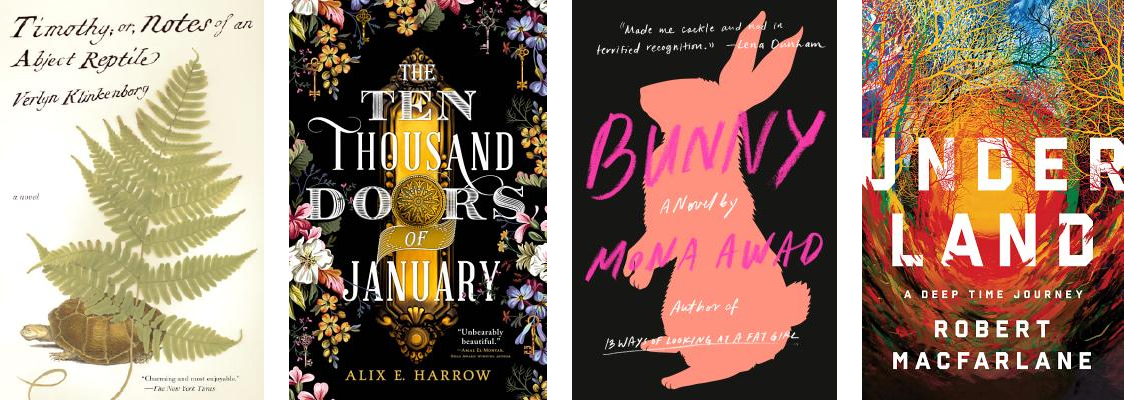
What are you reading now?
I’m currently reading Timothy; Or Notes On An Abject Reptile by Verlyn Klinkenborg which has been on my TBR list for years. It’s a novel narrated by a tortoise who lived in the 18th Century English garden of the naturalist Gilbert White. It moves at a refreshing and appropriate pace for a tortoise-narrated novel, and I’m thoroughly enjoying the existential perspective of a philosophical female tortoise named Timothy because we humans hadn’t figured out how to properly sex a tortoise back then. Timothy has many erudite and profound musings about humanity and I’m loving this novel’s poetic celebration of the natural world.
What did you read last?
I was lucky enough to receive an advanced reader copy of The Ten Thousand Doors of January, which is an utterly enchanting debut fantasy novel by Alix E Harrow. It’s the story of a girl named January Scaller who lives as the ward of the wealthy Mr. Locke in a museum masquerading as a mansion of unusual artifacts. January finds a mysterious book that tells a strange and wondrous story and leads her to other worlds through magical doors. Alix E. Harrow writes beautifully and as I read it, I felt a Narnia-esque sense of wonder. It’s quite lovely
What are you reading next?
I am deciding between two delicious reads (the story of my life). One is Bunny by Mona Awad, which I have been very impatiently waiting for. It’s been described as “The Secret History meets Heathers with a dash of Mean Girls.” I’m ready for this satirical fever dream. The second is Underland by Robert MacFarlane, an exploration of our earth’s subterranean spaces through an environmental lens. I love a conflation of nature writing and poetry. I read nonfiction about the natural world voraciously and have become particularly obsessed with reading about moss because of the wonderful writing of Robin Wall Kimmerer, and of mushrooms through mycologist and author Paul Stamet’s work (naturally, I am the life of the party).
July 2019's Post-it note art from Instagram
Over on our Instagram page, we’re posting a weekly installation from Clare Johnson’s Post-it Note Project, a long running daily project. Here’s her wrap-up and statement from July's posts.
July's Theme: Just Read The Last Post-it
Till now I’ve focused on post-its selected by my family, but July’s were chosen by my friend Francesca (Brief Overview: we’ve known each other since childhood; Fun Post-it Fact: her baby featured in one published last October). When I suggested she consider advance parameters to help narrow down from 4,000 existing post-its to just 4, I suspected I’d have to offer some guidance — but I was wrong. She texted back immediately: “I would like to choose half from the year you moved back to Seattle, and half from the current year.” The text continued, “Just feeling so grateful that I have gotten to be in close proximity to you these last several years, through ups and downs, big life changes, and the day-to-day. It would be neat to try to give these years a sort of virtual hug by choosing post-its on either side!” This renders me speechless with gratitude and love, and I don’t know how to be clever in writing about it. (Separately, the JOY/RELIEF of having someone in my life who shares my unfashionable propensity for wordy text messages!!) It makes me bashful to print such things, but I want to save this text forever and publishing it seemed like a decent preservation method. When I moved back from England 9 years ago it was sudden, awful. The prior reality got torn apart in ways I couldn’t control; a heavy-handed melodrama I didn’t recognize was apparently, bafflingly, real life. The stupid stupid reality of it was just my everyday, all the time. Nowadays I know I’m better off in this 2nd version of adulthood, the other years shrinking into a shorter and shorter percentage of my whole. But in that first year just a few things could give me solid sense of that fact: a spectacular kid (I wouldn’t have met her had I not needed money/a nanny gig so urgently), my new studio (my perfect years-long studio, my studio I now have to vacate), and Francesca. Just a week in, stunned and no idea what to do with myself, I could still tell how wonderful it was to finally live in the same city as each other again. (In my studio heyday, we went to the nearby noodle house so frequently together the owner demanded “where’s your girlfriend?” when I went in without her.) My parents also took care of me—I was so grateful and embarrassed—I still am—above all grateful. There’s something when they still call me the nickname they always used, my body relaxes like I can live in every time at once, like it’s my real name, ungendered and short-haired. I think she chose the fortune cookie because she liked the realism, but I find it comforting—it’s from a trip to Ballard Mandarin, finding that the same family who owned the long-gone favorite restaurant of my childhood were still running the same kind of place, somewhere else. It’s nice when past loves stick around—or at least scoot to Ballard and get reborn, still brusquely thrusting me extra fortune cookies as ever. The last one is Francesca’s parents’ house; we both thought for a moment it was her kid’s birthday party, but looked at the date and saw we were wrong. It’s a different story, a different much more vulnerable baby, I’d rather keep that one to myself right now. The words in the art are what I wanted to say.
The Help Desk: You can't teach winning
Every Friday, Cienna Madrid offers solutions to life’s most vexing literary problems. Do you need a book recommendation to send your worst cousin on her birthday? Is it okay to read erotica on public transit? Cienna can help. Send your questions to advice@seattlereviewofbooks.com. This column is a re-run from 2016.
Dear Cienna,
I’m a published novelist who makes a fair amount of income teaching writing classes on the side. And I have a secret: the truth is that most of my students will never get anywhere because they don’t work hard enough. I mean, I tell my students that working at writing is the most important part, but they don’t seem to listen. Too many things — work, social life, video games — get in the way.
I always want to be flat with them and say that if they’re not willing to put in the time at writing, they shouldn’t bother taking my class. But this is how I get paid. So instead I offer encouraging words and watch while they flush their dreams down the toilet by playing Halo 46 until three in the morning or whatever. Many of these students are more talented than I am, but I just can’t get the idea that writing a lot is the secret to writing well through their heads. Do you have any advice for me?
Seamus, Port Townsend
Dear Seamus,
I hate to break it to you but that doesn’t qualify as a secret. Most writers know that their odds of “getting anywhere” are slim, just as they instinctively know the sun is an attention hog, gravity’s a drag, and vegan bicycles are the most insufferable type of bicycle. That’s not the point. As I see it, there are two main motivators for taking a writing class:
- Being around other writers, and getting the chance to read their work, pass judgement, and get feedback on your writing.
- Having artificial deadlines imposed on your work.
People also enroll in your classes for the same reason I line my underwear with lottery tickets: there’s hope embedded in the ritual. Which means your job — as a successful writer, mentor to other writers, and gatekeeper of hopes and dreams — is to impose those artificial deadlines, give good feedback, and facilitate discussion. Keep in mind that being a successful writer isn’t like being an astronaut or child bride — there are no age restrictions. Students who are dedicated Halo drones today can develop the discipline it takes to finish a manuscript five or ten years from now. So tell them the truth but don’t belabor the point: great writing takes time, discipline, and talent. Then smile, take their money, and invest at least half in underwear lottery tickets. Odds are you’ll regret it but just think: what if you don’t?
Kisses,
Cienna
The Portrait Gallery: Herman Melville
Each week, Christine Larsen creates a new portrait of an author for us. Have any favorites you’d love to see immortalized? Let us know, or see if you can find them in the archives.

Herman Melville was born two-hundred years ago today. Happy birthday Herman!
Have you ever noticed how great Melville was at naming? Moby Dick, or course. But Tyee? Omoo? White Jacket? Bartleby, the Scrivener?
Hey fans of meta-post-modernism! Did you know that Melville published The Confidence-Man on the day it was set? And what about that opening of Moby Dick? "EXTRACTS. (Supplied by a Sub-Sub-Librarian)"? Better than a David Foster Wallace footnote.
Happy second century, Melville. An American original, a financial failure during his life, and now, amazingly respected, and two-hundred years old.
Kissing Books: Assertive contact
Every month, Olivia Waite pulls back the covers, revealing the very best in new, and classic, romance. We're extending a hand to you. Won't you take it? And if you're still not sated, there's always the archives.
In the sleek modern lobby of the HarperCollins offices in Manhattan is a Chandler & Price letterpress from 1905. The metal is dark and lustrous, the wood gleams; it’s that kind of historical artifact whose heavy presence seems appropriate to its significance. I like it because I love letterpress, which shows us that printed books are the result of applied geography.
To print text in a press, you need to bring paper, ink, and metal type into assertive contact. There’s a moment where those three elements occupy the same geographic space—when the metal forces ink into the fibers of linen or pulp—and that’s the moment that creates something new: a handbill, an illuminated poem, a part of a novel. It is so tempting to think of stories as nebulous mind-things, ethereal dream-pictures as fluid and untouchable as thought.
But thoughts escape us. Texts remain.
Even in modern printing, which these days is largely digital, it’s useful to trace the geographical movements. Manuscripts written by authors are sent to New York for acquisition and editing, sent out to presses for printing (with paper largely from China and Canada), collected in warehouses, then shipped to bookstores where finished volumes pause briefly on store shelves before coming to rest on the tottering nightstand stacks of hopeful readers. Or, if the books don’t catch a reader’s eye, being sent back to be remaindered or pulped and turned into other, less refined volumes further down the recycling chain.
In this field of movement, New York sits on the history of American publishing like the proverbial bowling ball on the rubber sheet. If you’re not working with it, you’re working around it, and you’ll still be affected by how it shapes the gravity of the industry. For a century and longer, hopeful young writers and editors moved to New York to try and get closer to the great, beating heart of the whole system. The history of American writing is layered over and within New York’s physical geography. For example, I am writing this two blocks away from the Algonquin Round Table—though sadly not with a properly Parkeresque martini to hand.
Amazon is a second, newer bowling ball, growing heavier and heavier with every acquisition and upsetting the once-predictable path of everyone’s orbit. (Well, semi-predictable. For a given value of predictable. Publishing is very, very weird.)
Amazon specifically breaks the book world’s established geographic chain: in the corporation’s earliest incarnation, it was mostly there to facilitate the movement of books directly to the customer, no matter where book or customer was located. Until the company got a market toehold. Now, as its domain grows every more Lovecraftian—horrifically vast, inhuman, tentacles *everywhere*—it has brought down huge chain bookstores, and is reaching out into other industries to similarly turn them into fiefdoms (movies, groceries, and fashion, to name just a few).
It’s a fact that cracking the gatekept New York pipeline made possible opportunities for people the book world has long left behind: Black and brown genre writers, queer writers, disabled writers, people who can’t afford New York’s cost of living. That in addition to tastes and trends that publishing can never perfectly anticipate, and which in earlier decades might never have had a chance to reach readers. Amazon was right to make self-publishing easy and accessible. We get to hear a lot more voices now than we did before.
Amazon did not do this as a favor, or because it was right. Amazon did this for money, and power, and the company’s attack on geography is continuing. It will not be satisfied with New York. Amazon fought not to pay sales tax, demanded customer information from public libraries in exchange for Kindle loans, turned South Lake Union into a gentrified faux-place, demurred to support Seattle-based charities, overloaded public transit routes, sent neighborhood rents skyrocketing, and runs a network of warehouses that are horribly both Orwellian and Dickensian.
Even the vaunted self-publishing revolution comes with squicky parts. Scammers are gaming bestseller lists with boxed sets and ghostwriters and paid reviews, bots are offering absurd algorithm-generated prices for hard-to-find texts, and getting plagiarists and unlicensed copies of your work taken down is a fiendish stall the likes of which not even Kafka could dream up.
When you list it all out like that, it starts to look pretty evil.
It’s high time geography got a little of its own back.
This month, I’m asking you to find time to support local businesses, bookstores, libraries, and presses. Pick a title from the current IndieBound list, or use the site to find a bookstore near where you live. You can find indie bookstores that are romance-friendly on this crowdsourced map. August 17 is also Bookstore Romance Day, a day when indie bookstores and romance authors come together for mutual squee and swooning.
This month’s books are heavy on the geography theme: we have a couple of urban planners, rival dating site executives, a couple escaping family troubles by touring Cape Town, two women falling in love below stairs, and a Regency romance with a castaway cannibal hero (yes, you read that right). Geography may be destiny, as the historians say—but we all know destiny is no match for true love.
Recent Romances:

One Day to Fall by Therese Beharrie (Carina Press: contemporary m/f):
Category romances have long prided themselves on transporting readers to glamorous, vivid, and memorable locales—Greek-set romances are their own subgenre at this point (I really should look into who’s been studying those academically!)—and I’m hoping this tradition makes it ever easier to expand English-language romance settings beyond the US and UK. Certainly certified Rising Star Therese Beharrie is making a strong showing of doing just that, writing South African characters with local expertise and sensitivity. It’s not a tourist’s perspective, even when her lovers are dodging difficult family moments by visiting tourist sites. The reader gets the sense not just of having visited Cape Town, but of what it feels like to live there.
One Day to Fall does precisely what it promises: two strangers escaping from families in crisis resolve emotional issues and fall in love during the course of a single day. Beharrie’s books are dialogue-rich and in-depth about her characters’ baggage. The humor sucks you in and then oh no, there are so many feelings! We learn so much about how Angie and Parker think and feel, and how they’ve come to think and feel that way, that it never feels forced or rushed when they decide at the end of that single day that they’d like to try being a couple. Sure, it’s only been twenty-four hours, but we have more than enough information to know how they’ll cope with a shared future. Building that kind of depth in the swift, sleek category form is just—woof, I have no idea how Beharrie does it, but let’s let her keep doing it as often as she wants.
She frowned. Had his eyes always been that colour? A deep brown that contrasted the lighter brown of his skin? And had he always looked so young? There wasn’t a line on his face; nothing giving away that he was her age or older. She was only twenty-six, but there were lines on her face. Perhaps the gods had seen into her soul and identified her as the raggedy old bitch she was.

The Right Swipe by Alisha Rai (Avon Books: contemporary m/f):
There’s a strain of romcom shenanigans that delights in extensively mortifying a perfectly ordinary heroine. You’ll find none of that nonsense here.
You will find the heightened reality and tropey goodness you’re hoping for. There’s no real road map for smart choices when you end up fake-dating your one-night stand so your rival online dating sites can milk the publicity. Heroine Rhiannon is smart and ambitious and makes a lot of very understandable mistakes: she clings to her trauma coping mechanisms, she is prickly and suspicious, she has real baggage imperfectly wrestled with at the start of the story. But the narrative is not interested in punishing her for these faults, the way some romcoms might be (looking at you, Bridget Jones).
Rhiannon is one of Rai’s signature heroines: a mix of banter and broken edges, always human and relatable and deeply, deeply loveable. The quintessential best friend, the one you root for even when she’s kind of fucking it up.
Our hero, strong, steady former pro football player Samson, has plenty of wounds of his own—deep losses that still hurt and that call him to prevent other people from suffering in similar ways (family members lost to CTE and ALS). It’s a brilliant contrast with Rhiannon in so many ways: she was attacked by someone she loved and trusted who proved predatory, while Samson has had one loved one after another taken from him by accident and illness. Both characters wade into the waters of grief, but they’re approaching it from different sides of the river. It’s an extraordinary, subtle fountain of conflict that is almost more than the romance can bear.
Almost being the important word. As with Rai’s fiercely tender Forbidden Hearts series, so many of this book’s characters are all trying to take care of one another as best they can: a listening ear, a grounded focus to stem a rising panic attack, thoughtful advice and support at the lowest moments. Rai crafts a space of kindness and acceptance to offset an often vicious world: her protagonists don’t have to change their essential nature, they only are pushed to find better ways of being in the world. There’s a sharp meta edge to the story, an awareness of the way our culture frames romance and the ways in which that either buoys or fails us. There’s an extended dialogue on the definition of fuckboy that alone is probably worth the price of the book.
“Find me the empty soul who doesn’t get emotional over While You Were Sleeping.”

A Little Light Mischief by Cat Sebastian (Avon Impulse: historical f/f):
Back in January I predicted that 2019 was going to be a banner year for sapphic romance, and I have never been more delighted (and, let’s be honest, a little smug) to be proven right. Avon released their first f/f romance by Alyssa Cole (and then their first f/f historical, by me!), Courtney Milan’s elderly lesbians gloriously burned everything down, Berkley announced they’ll be publishing a contemporary f/f in 2020, and Rose Lerner just revealed the cover for her upcoming f/f Gothic The Sea May Burn.
And of course, this new perfect miniature gem from Cat Sebastian, loosely connected to her Turner series.
A Little Light Mischief may be the most aptly titled novella I have ever read: if it were any fluffier, it would float right off my tablet and into the ether. You could devour the whole thing in one gulp during a night of anxious insomnia (ask me how I know!). The prose-to-profanity ratio, though, is gratifyingly high for such a short book: we are dealing with working characters in the Regency, women with calloused hands and frank vocabularies and few scruples when it comes to putting food on the table.
Molly is a buxom self-described lightskirt and erstwhile thief, and I adored her. Alice is a shaken, self-effacing vicar’s daughter who was thrown into the street when her father blamed her for being assaulted by his benefactor’s horrible nephew. Both Alice and Molly are working for the wealthy Mrs. Wraxhall, whose eccentricities include being kind to her servants and not caring too much about their checkered pasts. Cat Sebastian couples are almost always a study in contrasts, and this story holds true to the tradition: Molly’s flexible morals and open lustiness hides a heart more tender than she lets on, and Alice’s shy, pale exterior and grey gowns are supported by a spine made of pure, tempered steel. The plot is better enjoyed than described, and the prose flowed so sweetly and beautifully along that at the end I was still hungry for more — this is more the amuse-bouche for a full-length novel than a meal unto itself. It’ll have to hold us until October and the next book, and I‘m left feeling shamefully greedy and impatient until then.
Alice was momentarily taken aback. Justice was in the same category as diamonds and gold—utterly unavailable to her, and therefore not worth thinking about. She was rather surprised that Mrs. Wraxhall still believed in it. But then again, people clung to stupid ideas long past the point of reason. She glanced at the parcel in her hands. Hope was one of them.

Playing House by Ruby Lang (contemporary m/f):
My dad was a real estate appraiser by trade, back when that was an independent profession and not something you were supposed to take on faith from the same big realtors who were selling you the home they fixed the value of (I have Opinions about real estate that go way back). He’d married into my mom’s family, who are handy in a way that goes beyond basic home maintenance and into things like construction, remodeling, and parts manufacture. The plot of land on a backwoods lake purchased by my great-grandfather was intended as a camping spot but too many of us got interested in improving it as a side hobby—it started with a concrete foundation, then a one-story house, then a two-story house, with wraparound deck, then a dock and beach, then a landscaped garden.
All of this is just to say that I am definitely the target audience for this thoughtful, grounded novella about two urban planners seducing one another by describing historic architecture, apartment design, and city development. It’s a lot of nerdery for a short book, but it goes a long way toward showing us our main couple’s shared passion and suitability. If you’re the kind of person who cruises apartment listings for fun even when you have no plans to move, this will be your kind of catnip.
Oliver Huang and Fay Liu are both career-focused, but in distinctly different ways. They tumble into the romcom situation of posing as a couple to tour high-end homes just for the fun of it, but the real conflict is about where they’re headed in life and what kind of partner they need for the journey. Fay is fresh off a divorce from a man who couldn’t keep up with her ambition and resented her for it; Oliver has been out of a job for a few months and is worried that the freelance life makes him too much like his feckless, absent father. They’ve known each other for a while but not well, and it’s pure pleasure watching them fall headlong as they deal with family stress, future plans, and a possible working relationship. The sex scenes feel juicy and lush but in a very modern way, like the kind of fashionable hand-knotted floral-patterned rug they sell for too much money at Anthropologie: somehow both cutting-edge and comforting at once. The main couple is just plain likeable, even when they’re bogged down in their issues, and the book builds to one of the best last lines I’ve seen in romance in a while. Count me in for this and for book two, the teaser for which gives us a hilarious peek into how our couple’s ruse really appeared to one of the realtors they were fooling.
He sank down into the couch with his eyes closed. “In love again?” Oliver asked.
“Of course. The boy of my dreams. He’s got dimples. And a cleft chin. He’s just bulges and depressions in all the right places.”
“Is he a man or is he a topographical map?”
“He’s the valleys and the mountains, and I’m going on a long hike along the trails—all the trails, baby.”
This Month’s Beach Book Featuring A Castaway Cannibal Hero and Yes You Read That Right

Beau Crusoe by Carla Kelly (Harlequin Books: historical m/f):
Oceans of ink have been spilled trying to define the elusive concept of a “beach book.” I prefer to define it as something you get along with a “beach body,” as in: do you have a body? Do you have a book? Great! Let’s go to the beach!
Summer reading should be all about stretching out, catching up, sinking in to something you might not have time for during the rest of the working year. If you want to sprawl in a lounge chair with Sandman or Melville or, famously, a doorstop biography of America’s first treasury secretary, that’s just fine. Ditto for pure escapist fluff, too, because life is hard and death comes quick and you deserve some time for just feeling good things about made-up people. And if you’re looking for a uniquely charming Regency, with long stretches of tropical golden sand, dramatic shipwrecks and rescues, a sweet romance between a castaway sailor and a botanical illustrator, and some gorgeously creepy scenes about having to eat other people in order to stave off starvation, then have I got the book for you!
Beau Crusoe is hands-down one of the strangest historical romances I have ever read. It sticks to the ribs of the mind. Many angsty historical heroes have backstories of abuse, betrayal, or wartime injury—but this book’s hero James Trevenen is angsty because he knows what people taste like and he has trouble forgetting it when he’s, say, sitting down to a meal with a bunch of well-fed aristocrats. It’s like Jane Austen’s Snowpiercer, full of surreally tinted dining scenes and night terrors and visitations from the ghosts of devoured sailors past. Also toucans in the foyer, the benefits and risks of civilization, and a sincerely adorable plot moppet. It’s sweet and strange and un-put-downable—in short, a perfect book for the long, hot days of summer.
Thursday Comics Hangover: Meet your new friends
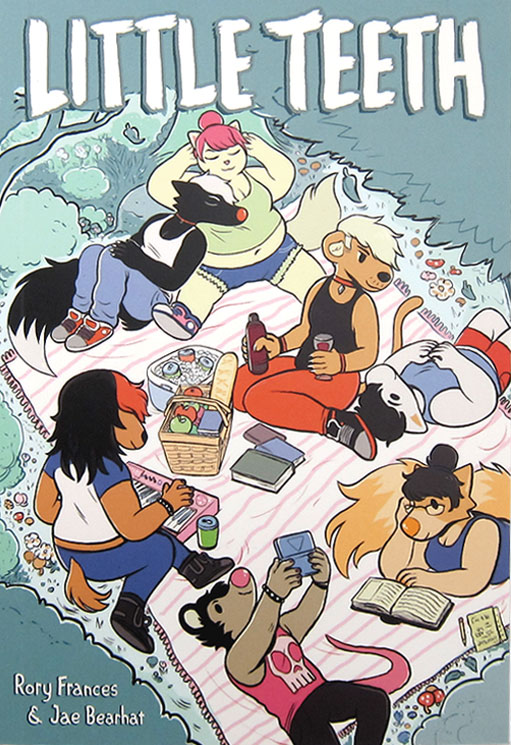
The easy thing to say about the collected edition of Little Teeth, the comics collaboration between Seattle cartoonist Rory Frances and ZEAL Magazine editor Jae Bearhat, is that it's a comic about relationships. But if that brings something like an Archie comic to mind, with love triangles and neatly summarized plots, you are about to have your mind blown.
Little Teeth drops you into a group of anthropomorphic friends who live in a big city, and then it trusts you to figure everything out. You're not told the characters' names, or their relationships to each other. The story doesn't begin so much as continue around you on the first page. In a lot of ways, it perfectly mirrors the experience of starting at a new school in the middle of a school year, or moving to a new city and falling into a new group of friends. You have to figure out from context who's fucking who, who hates who, and why.
But please don't interpret that to mean that Little Teeth is a lot of work. In fact, it's a delight. These characters are fun; you want to get to know them all. They're humanized skunks and cats and dogs and mice, and they're queer and poly and curious and adventurous.
The characters in this book move from hot tubs to bars to dumpy living room couches, and they talk to each other a lot — about their feelings, about their relationships, about each other — but the pages aren't dialogue-heavy or a mess to navigate. In fact, Little Teeth feels breezy and light. Frances draws with a light line, and the book's neon pink highlights give the story a summery, youthful vibe.
Little Teeth in many ways has the vibe of an early Fantagraphics book — in particular, the punky in-your-face-ness of Love and Rockets. These are fallible, decent characters trying to make their way in a world with no adult supervision. It's better, and worse, than they ever imagined it could be.
Lunch Date: Taking Sylvia Plath out for Hawaiian food
(Once in a while, I take a new book with me to lunch and give it a half an hour or so to grab my attention. Lunch Date is my judgment on that speed-dating experience.)
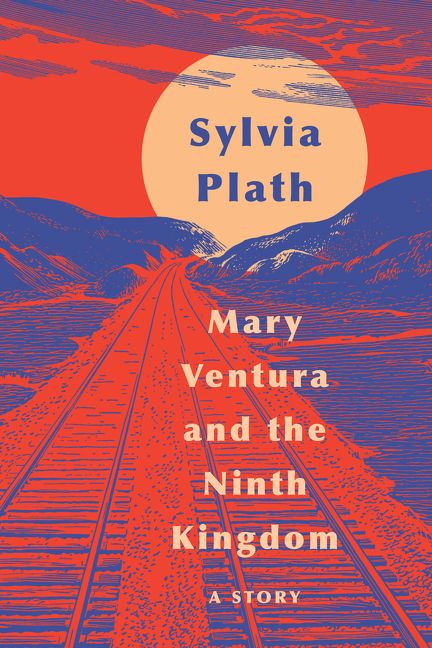
Who’s your date today?
Mary Ventura and the Ninth Kingdom: A Story by Sylvia Plath. Yes, that Sylvia Plath.
Where’d you go?
Super Six, the Columbia City outpost of the Marination chain of restaurants.
What’d you eat?
I had the Loco Moko ($14), a Hawaiian classic meal featuring a hamburger patty on top of a couple mounds of white rice, covered in brown gravy and a couple of eggs.
How was the food?
Positively delightful. At 11 am, after skipping breakfast, few meals perfectly sate your hunger like a Loco Moko. I'm a fan of everything that Marination does, but Super Six is my favorite of their restaurants, and while there are plenty of great meals on the menu, this is the one I keep coming back for.
What does your date say about itself?
From the publisher's description:
Never before published, this newly discovered story by literary legend Sylvia Plath stands on its own and is remarkable for its symbolic, allegorical approach to a young woman’s rebellion against convention and forceful taking control of her own life.
Written while Sylvia Plath was a student at Smith College in 1952, Mary Ventura and The Ninth Kingdom tells the story of a young woman’s fateful train journey.
Is there a representative quote?
"Lulled by the clocking rhythm of the train wheels, Mary stared out of the window. In one of the corn fields a scarecrow caught her eye, crossed staves propped aslant, and the corn husks rotting under it. The dark ragged coat wavered in the wind, empty, without substance. And below the ridiculous figure black crows were strutting to and fro, pecking for grains in the dry ground."
Will you two end up in bed together?
I mean, it's a ten dollar, 40-page book with immense font size and huge spacing between lines, so I read it all over lunch. Unfortunately, it's not good. And it's not really a surprise that it's not good: Plath wrote the story in college, so it's all full of heavy symbolism and bad writing and on-the-nose descriptions. It honestly feels very exploitative to read this book, and while juvenalia has its place, I wish this story had been collected with some of Plath's other work, to remind us that she eventually became a great writer. For completists only.
Letting Michelle Peñaloza ask the questions

Two years ago, I interviewed poet Michelle Peñaloza as she prepared to move from Seattle to northern California. Peñaloza gave the best excuse for leaving Seattle: "I’m moving for love," she told me.
There are all kinds of love: romantic love, a love of place, a love of art. Peñaloza left to be closer to a person she loved, but it's her love of poetry that's bringing her back to Seattle next week with a brand-new book. Much of Peñaloza's first full-length poetry collection, Former Possessions of the Spanish Empire, was written here in Seattle, and she's coming to town for four events to launch the book into the city where it was born. (You can read more about the events — ranging from a traditional Elliott Bay reading to a karaoke banger — on Peñaloza's site for right now, but we'll be talking more about them on the Seattle Review of Books in days to come, too.)
Possessions is a beautiful, deeply personal collection of poetry, though on the phone Peñaloza seems reticent to accept that description. "I always hesitate to call poetry personal," she tells me.
"I think that the hesitation comes from the way that people conflate poetry with autobiography," she explains, "while fiction is fiction — someone's making that up, it's something that's created. But poetry we think just comes from one's journal, and it's not a crafted thing."
Of course, Peñaloza's poetry isn't personal like someone dumping a diary entry onto the page and messing with the margins a bit. What I mean by the word "personal" in this context is that it's deeply considered, and it's delivered with an intimacy that feels striking, as though she's in front of you, staring you in the eyes.
"What I was hoping would happen in this book is an engagement with that further intimacy," Peñaloza says, "but trying to play with it on a micro and macro level." In Possessions, she hopes to "make these big connections between something that in history happened hundreds of years ago that is still reverberating in the horrible phone conversation you have with an ex or something."
These poems examine huge questions of history and geography and race and power, and then they bring those examinations back to a more intimate level. Peñaloza reckons with and navigates the Philippines' long history of empire and sexism and faith and violence. (She writes, "We are a people built for disappointment/for tragedy and pain.")
The book is punctuated with a series of devastating poetic investigations printed in white on a solid black background. "A lot of my life I've spent as a woman of color in very white spaces," Peñaloza tells me. "And there are lots of questions that are asked, at least in my experience, of Brown bodies in spaces where they're perceived to not belong — i.e. white spaces. And so I think that that form came out of me just being annoyed by people's questions."
The first Q&A poem addresses those questions — or one question in particular: "where are you from?" Peñaloza always answers truthfully: she's from Nashville. But then comes the inevitable reply: "I hate, hate, hate, hate — I fucking hate — the follow-up," she says. To relate the question, she adopts a coy voice: "No, I mean really where are you from? But, I mean, like where are your parents from?"
These Q&A investigations set the tone for the rest of the book, and it's clear that Peñaloza isn't facing this self-interrogation for anyone else but herself. "Those were just really hard questions for me to answer. And it made me think, 'where is a way I can get to the truth through song or through lyric while answering these? So it became kind of like a call and response for myself, which was kind of cathartic."
A pause.
"But also fun."
There’s something about Boswell
Published July 30, 2019, at 12:00pm
Why can't we kick the 18th century?
How to Use Safety Pin to Punch Richard Spencer in Four Steps
Step 1. Show up on Inauguration Night
Leave your pretensions at home this time,
you will not be saving anyone here.
There is a surge of black-clad bodies that will quickly take your stubborn
Berniecrat and I’m With Her shirts out of fashion.
You have a bleeding heart
pinned to your sleeve by a safety pinHuffington Post told you to wear it
Your well-meaning aunt told you,
with the force of a whole rich neighborhood association’s facebook group behind her, that this
tiny piece of metal
will save the poor and wretched
welcome them to your teeming shore —No.
Don’t get caught up in pretensions.Step 2. When you see notorious white supremacist Richard Spencer being interviewed by the news,
make sure your safety pin is visible.
Wait for a poor, victimized Person of Color to approach you for help.
You’ll grow so tired
of waiting for an opportunity to show off your allyship you might learn something.Step 3. Here is the hard part
While Richard Spencer is talking about the Pepe the Frog pin on his lapel
his face
will be interviewed by a fist instead.
He, all bigotry, hair gel, and bloated pride
stumbles from the well-placed blow, lands on the concrete a couple yards awaySuddenly, the assailant’s fist is Lady Liberty’s torch, blazing a trail for us to march on.
Suddenly
we are all the fist
humiliating white supremacy at its own inauguration.In the universe of this small victory,
no one is president.
No cop tear gasses a restaurant without resistance
and bigotry
bleeds from biting its own eager tongue again.
Someone punches Richard Spencer and hope blooms a tangible thing in me.
Hundreds of miles away
I breathe just a little easierso before you yell,
“just sign a change.org petition!”Think of how long we have been waiting.
How you say,
“we’ll survive these four years”
as if we
have not been trying to survive for centuries.Think of you love watching us swallow when we want to spit.
Pressure hosing a panther and reprimanding her when she bites.Think of how you pulled the nine inch knife out six inches, stared at the wound, and called the bleeding progress.
Think of where you were
when an islamophobe tore off her hijab on the bus,
and you did not do anything.
Think of the community centers that shook with death threats
and you
did not do anything
Think of the cops that gunned a black kid
into memory and you
did not
do
anything.Step 4.
I will not come to you for help.
Take off the safety pin.
Know that fascism does not arrive with a name tag,it arrives as your friend.
It arrives as Richard Spencer, well-manicured and well-behaved, speaking poison into cameras spinning it acceptable.Do not allow this by any means necessary
Leave your pretensions at home.
Practice
making
a fist.
Time after time
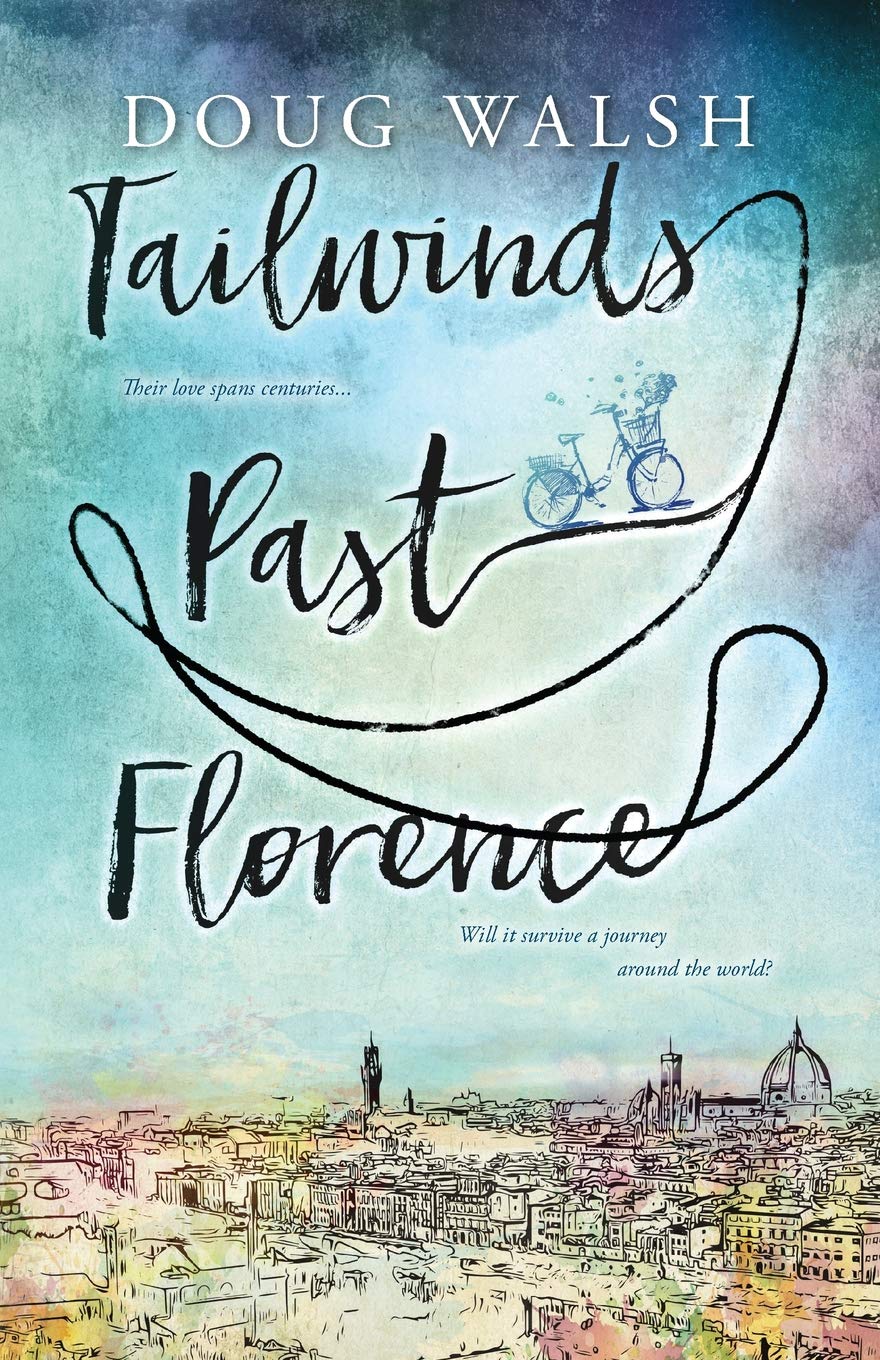
Our thanks to Doug Walsh for sponsoring The Seattle Review of Books this week. Seattle author Walsh has released not one but two books this year: The Walkthrough: Insider Tales from a Life in Strategy Guides, and Tailwinds Past Florence, a time-travelogue that's really a love story that's really a thriller.
We're intrigued by Walsh's work. He's noted that writing these memoir-ish books came after the last major publisher of strategy guides closed, presumably leaving him free to tell stories he might not've otherwise. It's fascinating to think about how you might construct a story as you walk through a video game — which is itself a story — and how what you learn might translate to an original tale.
Tailwinds Past Florence promises to be a compelling and twisty piece of work. It's built on the bones of reality (Walsh's own globe-trotting bike trip), and the couple at the center of it were Walsh's companions from the Pyrenees to the Indian Ocean. But they're distinctly different from Walsh and his wife — not least because one of them is a time-traveler.
Check out chapter 1 on
our sponsor feature page
this week only. Then pick up a copy
here.
Did you notice the long line of cars leaving town? It's almost
August, Seattle's favorite season for campaign, beach-ing, and
road-tripping. It's the perfect time to put your book in front
of this city of avid readers. Grab
one of the last sponsorships of the season
and make sure you're in every duffel, backpack, or beach bag in
the state.
The State of the Site: Year Four

Last Saturday was the fourth anniversary of the launch of the award-winning Seattle Review of Books. Four years! If the site were a president, its first term would be over. Were it a dog — say, a Greyhound (a dog I pick at random for no obvious reason) — it would be thirty-three. Were it a human, it would be starting to develop a rich cognitive model of self, something to carry it forward into its kindergarten years.
Anthropomorphizing a website is ridiculous, of course. We could pick plenty of four-year-old things that might portend a horrible future — but still, the exercise is interesting if we want to look outside ourselves, and think about what you could have been. It helps cast things in a different light.
The past year, since my last update, has been a busy one, both for the site and behind the scenes. Site co-founder Paul Constant is now a published comic book writer, and his debut series Planet of the Nerds has had a wonderful reception into the world (it's really good). Site Associate Editor Dawn McCarra Bass has started a company, and continues the great work of the Pocket Libraries program. My extracurricular activities have been less outward — I've been tinkering in the basement (more on that in a minute).
It has been our honor this year, as in those before, to report on the world of Seattle literature, to review books that shape and change that world, to comment, listen, and offer a platform to many who are working on so many important issues, using books as their platform.
Thank you, as always, to the writers and columnists that are our public voice. We couldn't do it without you, and we are so honored to be where you choose to shine. To Olivia Waite, Nisi Shawl, and Daneet Steffens, who cover our "genre" columns with such ease and aplomb, to Christine Marie Larsen, Aaron Bagley, and Clare Johnson whose visual work shows each week on the site. To Cienna Madrid who taught us so much about maternal sexual attraction to spiders. To our reviewers, and people who pitch us ideas: thank you. It is humbling to see your talent each day.
Also, there's a new face behind the scenes. Julie Yue (my day-job coworker at Textio) has just started helping us with some editorial work. There is no doubt you'll see her name more as we go, and we'll give her a proper introduction when the time is right, but I wanted to be sure to mention her in this note, and mark our appreciation at the start of her time with us.
I'm going to take a nerdy sidebar here for a minute: in December, our CMS broke. CMS is an acronym that means "Content Management System", or, the place we put all our junk that spits out the webpages you're reading right now. Since our launch, we were publishing on a scrappy system built by a small handful of devs, called Webhook. It was a nicely designed system that didn't find any commercial traction, so the founders went to work for other people. The site kept plugging along until December, when a service the site relied on was deprecated and we were unable to log in and use the service.
Hopefully, you didn't notice this. Right away, we started publishing manually. Back in 1995, I learned how to build websites by publishing hand-written HTML. I went back to my roots for this, and since then we strung together a temporary solution using Airtable, Github, and a few other handy services combined with old-fashioned hand edited HTML. It's still a manual process, but a manageable one.
Then, with a huge amount of invaluable help from my friend, compatriot, and one of those frontend dev/designer combos that make it all look so easy, Chris Drackett, we've been rebuilding the site.
When we launch the new version later this year, I'll explain more about what we did and why, but it's taking a while because we're addressing some issues with the way we structured data originally, and trying to make the site more friendly, more usable, and more extensible. We're taking the opportunity to build it better.
If you have noticed anything awry this year (our RSS feed, for one), this is why. We apologize for that, and if it were 1996 I'd put a little gif here, probably of a little stick man working with a shovel. I'm so glad it's not 1996 anymore.
It's been a good lesson, hand-writing HTML. It reminds me why we build CMS', what they are good for, and how we use them poorly. We evaluated dozens of replacement options, some of which we eliminated from consideration right off, some that we prototyped and played with before ending up on our solution of a Django backend, and React front-end.
There is a craft element to building websites that it is easy to forget with modern development techniques. We are building with craft in mind, but also relying on modern technologies to make the site easier to expand and update in the future. We'll say more when the time is right.
Four years. Four years! Four years of daily publishing. That's something, isn't it? An independant media voice in a city whose arts reporting has been woefully diminshed, at a time when the city is more populous and richer than ever. We find this unacceptable.
This time, next year, the election to remove the elephant in the room (the one that's sitting on the chest of the entire country making us gasp for breath) will be underway. Amidst this chaos (frends, it's gonna be nasty) the five-year state of the site message may be full of news of SRoB, but we hope to report a past year full of growth and expansion.
Friends, the state of the Seattle Review of Books is strong, but we are working on the foundation. We are workshopping the future every day, and can't wait to show you what we think it could be.
Your Week in Readings: The best literary events from June 29th - August 4th
Monday, July 29th: Lawn Boy Paperback Release Party
I loved Jonathan Evison's blue-collar novel about a landscaper on Bainbridge Island. I thought it was a terrific change of pace in an industry that is way too obsessed with wealthy white families that are miserable deep down inside. Now that Lawn Boy is out in paperback, you have no excuse. Don't miss out on this. Third Place Books Lake Forest Park, 17171 Bothell Way NE, 366-3333, http://thirdplacebooks.com, 7 pm, free.
Tuesday, July 30th: Clarion West Presents Ann Leckie
Clarion West brings a wide array of sci-fi authors to town every summer, and they traditionally always feature at least one big blockbuster of a reading. Tonight is that night. Ann Leckie, of the wildly popular Ancillary series of sci-fi novels, will make a rare Seattle appearance tonight. Seattle Public Library, 1000 4th Ave., 386-4636, http://spl.org, 7 pm, free.
Wednesday, July 31st: The Every Other
Seattle poet and novelist Doug Nufer's new reading series brings a pair of European experimental writers to town. Françoise Canter represents French Oulipians, and Italian writer and oceanographer Paolo Pergola stands for Italy. Local musician Greg Kelley will play a little jazzy tune or two on a trumpet. Vermillion Art Gallery and Bar, 1508 11th Ave., 709-9797, http://vermillionseattle.com, 8 pm, free.
Thursday, August 1st: The Vexations Reading
Caitlin Horrocks' first novel, The Vexations, is about Erik Satie, Claude Debussy, and Suzanne Valadon. Expect Horrocks to discuss artistic rivalry and community and heartbreak With Seattle author Donna Miscolta, who will be doing the moderating honors tonight. Elliott Bay Book Company, 1521 10th Ave, 624-6600, http://elliottbaybook.com, 7 pm, free.
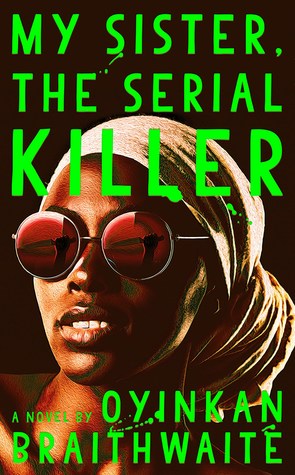
Friday, August 2nd: My Sister, the Serial Killer Reading
Oyinkan Braithwaite's novel is something of a sensation — a family drama that isn't afraid to get a little sensational.It's about a pair of Nigerian women, and the habit one of them develops: she can't seem to stop killing herboyfriends. This one has been nominated for a ton of awards. Elliott Bay Book Company, 1521 10th Ave, 624-6600, http://elliottbaybook.com, 7 pm, free.
Saturday, August 3rd: Ashenfolk Reading
See our Event of the Week column for more details. Elliott Bay Book Company, 1521 10th Ave, 624-6600, http://elliottbaybook.com, 7 pm, free.
Sunday, August 4th: How It Feels To Float Reading
In her new YA novel, Helena Fox writes candidly about mental illness. Tonight, she'll be interviewed by Seattle author Joy McCullough. University Book Store, 4326 University Way N.E., 634-3400, http://www2.bookstore.washington.edu/, 3 pm, free.
Event of the Week: Ashenfolk reading at Elliot Bay Book Company
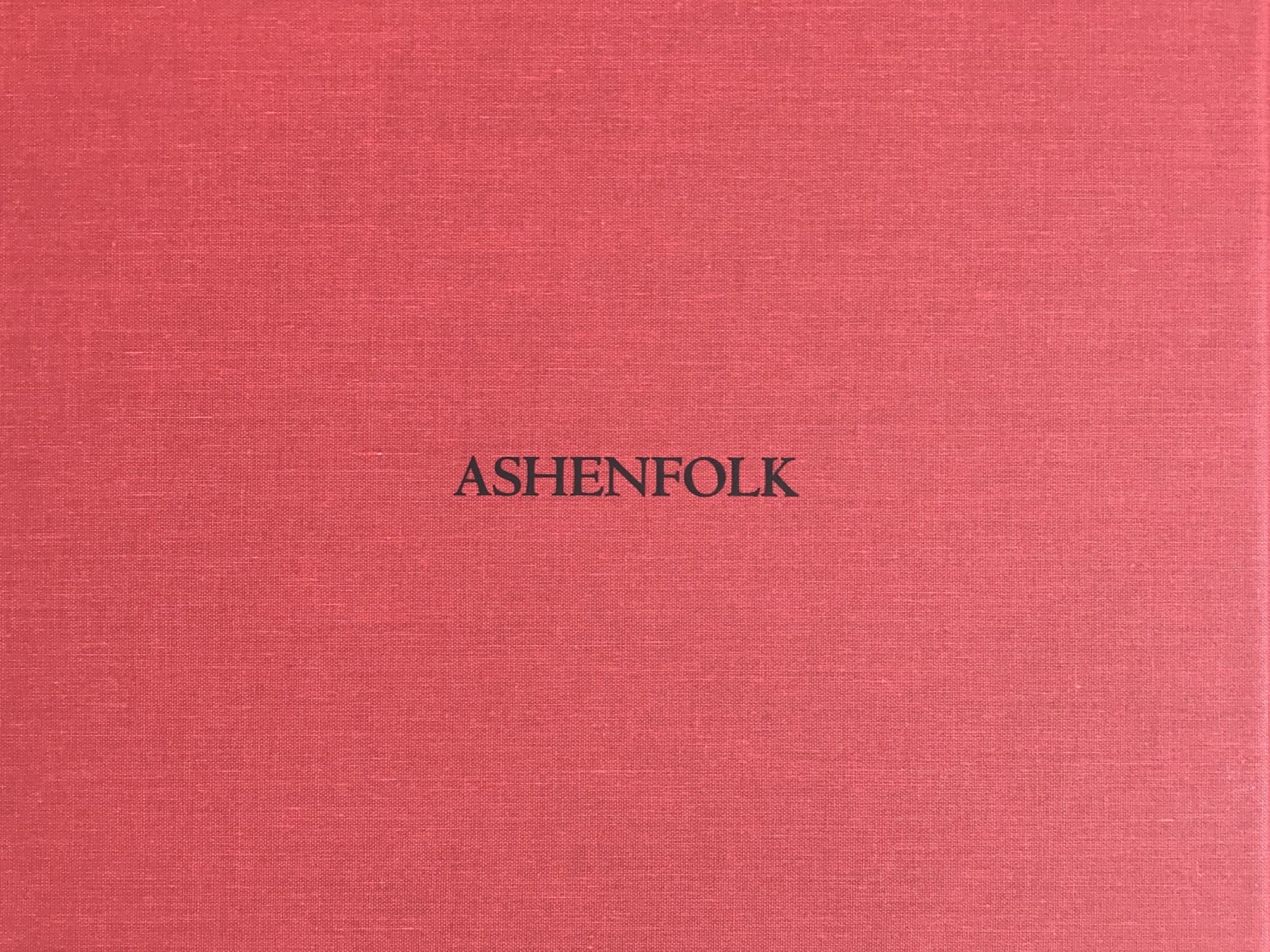
When you look up the description of poet Joseph Mosconi's new book Ashenfolk, this is what comes up: "Subject matter: chiropteric burglary, miscast spells, sentient AI, elvish folklore, heavy metal, counter-hippie cybernetics." And then: "A comment on genre and latent form as a type of minimalist poetry."
I'm not entirely sure what that description means, exactly, but it somehow seems about right. This is a book of poetry that seems to absorb influences from everywhere and mash them all together into something new, like the product of a particularly adventurous taxidermist. I'm especially fond of the page that reads "THERE"S NO SUCH THING AS A PRIVATE ONTOLOGY," with the word "THING" typed out in a garish 1950s monster-movie font.
Ashenfolk is a collection of booklets and postcards assembled into one edition. You can read it in any direction, or at any pace. It's narrative, but it's also against narrative. It's poetry, but it's also something more. Or less. I don't feel equipped to talk about it, but I also can't stop thinking about it.
To celebrate Mosconi's new book, he's doing a reading on Saturday at Elliott Bay Book Company with two of my favorite living readers of poetry: Sarah Galvin and Robert Lashley. These two turn any reading into the best kind of catastrophe — the kind of thing where you're howling with laughter or pain throughout. I mean, good lord.
This is the kind of event where you might leave unsure of what just happened to you. That might sound uncomfortable to you. Fair enough. But I can guarantee you one thing: you will be thinking about it for weeks and months to come.
Elliott Bay Book Company, 1521 10th Ave, 624-6600, http://elliottbaybook.com, 7 pm, free.
The Sunday Post for July 28, 2019
Each week, the Sunday Post highlights just a few pieces of longform writing that we loved reading. Settle in with a cup of coffee, or tea, if that's your pleasure — we saved you a seat! Read an essay or an article online that you loved? Let us know at submissions@seattlereviewofbooks.com. Need more browse? You can also look through the archives.
The crane wife
“To keep becoming a woman is so much self-erasing work,” says CJ Hauser, while calmly, patiently, eloquently detailing the disintegration of an almost-marriage and what she found in the aftermath.
In the mornings we made each other sandwiches and in the evenings we laughed and lent each other fresh socks. We gave each other space in the bathroom. Forgave each other for telling the same stories over and over again. We helped Warren when he had trouble walking. What I am saying is that we took care of each other. What I am saying is we took pleasure in doing so. It’s hard to confess, but the week after I called off my wedding, the week I spent dirty and tired on the gulf, I was happy.
Archaeology of the 99%
Courtesy of Jason Kottke: This interview with archeologist Jeremy Sabloff details a tectonic shift (sorry) in the field of archeology: away from rich people telling the story of the rich people of the past, and toward a broader historical picture. Looking at the 100% (instead of the infamous 1%) can drastically change what we thought we knew about, for example, Mayan civilization.
We’re used to (though wary of) the page being a biased record. Turns out what we unearth can lie, too. This is a fascinating way of thinking about the historical record, especially when applied to the recent history of the United States.
Until the middle of the 20th century, much of archaeology was also carried out by people of wealth. The makeup of the field changed significantly after World War II, and its practitioners became much more middle class. One reason is there were a lot more jobs available, particularly at state universities. And you started to be able to get grants for fieldwork that wasn’t based on looking for objects or spectacular finds. All of this is related to the switch from the 1 percent to the 99 percent ...
Paper books can't be shut off from afar
In 2010, Amazon pulled 1984 and Animal Farm, apparently with no sense of irony, from Kindle devices, awakening an angry public to the fact that they did not own the books they’d bought. Sadly, the public went to sleep again quite quickly in the wake of Prime Day and Prime Delivery and Prime Amazon Everything.
Maria Bustilla takes a look, almost ten years later, at the current Kindle TOR. Things are of course vastly improved. I’m not saying don’t buy digital — but don’t buy only digital, in case the the tech elite moves to that island they keep talking about. You’ll need something to read.
My Fahrenheit-451-paranoia was fanned into a giant flaming ball of fear-napalm when I looked into the personal ownership of the files and books on my own Kindle. And things have only gotten a lot worse since then.
Whatcha Reading, Joy L Wiggins?
Every week we ask an interesting figure what they're digging into. Have ideas who we should reach out to? Let it fly: info@seattlereviewofbooks.com. Want to read more? Check out the archives.
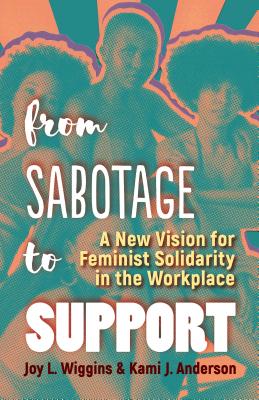
Joy L Wiggins is a Bellingham-based speaker, writer, scholar, and faciliator who promotes racial and gender justice. She is the co-author, with Kami J Anderson, of From Sabotage to Support: A New Vision for Feminist Solidarity in the Workplace. Dr. Wiggins will be appearing this Monday, July 29th at 7pm, at the Elliott Bay Book Company to talk about her book. Anybody interested in learing about their internal biases, and how biases in the workplace lead to unwitting sabotage between white women, black women, and women of color, will no doubt find this talk fascinating and informative.
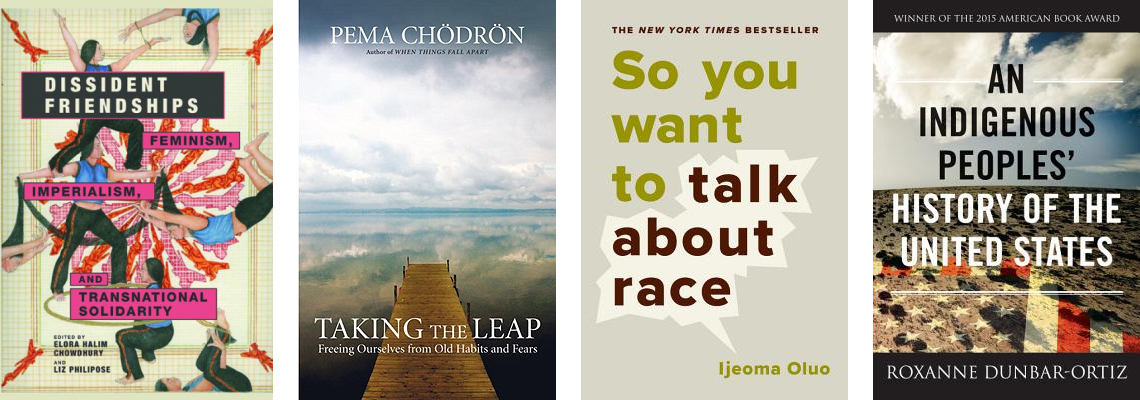
What are you reading now?
I am currently reading, Dissident Friendships: Feminism, Imperialism, and Transnational Solidarity by Elora Chowdhury (Editor), Liz Philipose (Editor).
What did you read last?
I am usually in and out of books, so I would say I read many simultaneously. It's rare that I actually read one from start to finish. So I am usually reading several at a time, but I always tend to go back and forth between Pema Chodron's Taking the Leap: Freeing ourselves from Old Habits and Fears, Ijeoma Oluo's So You Want to Talk About Race , and various children's books and educational texts for my classes at Western. I teach the Culture, Equity and Advocacy class in the Education department so I am constantly finding new texts and resources to incorporate.
What are you reading next?
I will be reading more about indigenous women with Roxanne Dunbar Ortiz's book, An Indigenous Peoples' History of the United States and more reports from the American Association of University Women Annual report on the Gender Wage Gap.
The Help Desk: Outside the lines
Every Friday, Cienna Madrid offers solutions to life’s most vexing literary problems. Do you need a book recommendation to send your worst cousin on her birthday? Is it okay to read erotica on public transit? Cienna can help. Send your questions to advice@seattlereviewofbooks.com. This column is a re-run from 2016.
Dear Cienna,
I’m a bookseller at an independent bookstore in Seattle. (No, not that one.) I’m used to people having bad taste when it comes to books, but every time someone buys an adult coloring book from me, I become irrationally mad. It’s getting so I can’t even look them in the eyes anymore. I think they’re a disgusting fad for rich people with way too much time on their hands. On the other hand, sales of adult coloring books are putting a roof over my head, so I probably shouldn’t complain too much. How do I choke down this bile?
Juliet, Interbay
Dear Juliet,
I think adult coloring is supposed to sassy and therapeutic, like playing adult kickball or attending your coworker’s cosplay divorce party. But I don’t really get it either. I’ve received two adult coloring books as gifts and have had to fight the urge to say, “thanks but this isn’t a real book.” I suppose I know now how those “one man, one woman” marriage purists feel.
What I’m saying is, since we’re losing this battle we might as well try to understand its appeal. Coloring seems to be therapy for adults who don’t know how to address conflict with their words, so this week, I jotted down a few phrases that I said while in conversation with my neighbor and spiders, respectively, that I could tell irritated them but they were too polite to call me on.
Then I drew pictures of the phrases and gifted them to the offended parties, along with some chewed crayons I found. So far, neither has colored their drawings but I’m sure once they do, they’ll feel much better. And they will thank me for it.
I encourage you to try it, Juliet, and see if it helps with your bile issues. I’m including copies of my drawings for you to practice on. Enjoy and remember: Get sassy with it! Those breasts don’t have to be chicken colored, they can be any ol’ color you choose!
Kisses,
Cienna
P.S. For all you eagle-eyed art connoisseurs out there, yes, that is a Georgia O’Keeffe vagina on the back of that heifer.
P.P.S. And yes, several spiders already pointed out that I don’t know how to spell “heifer.”
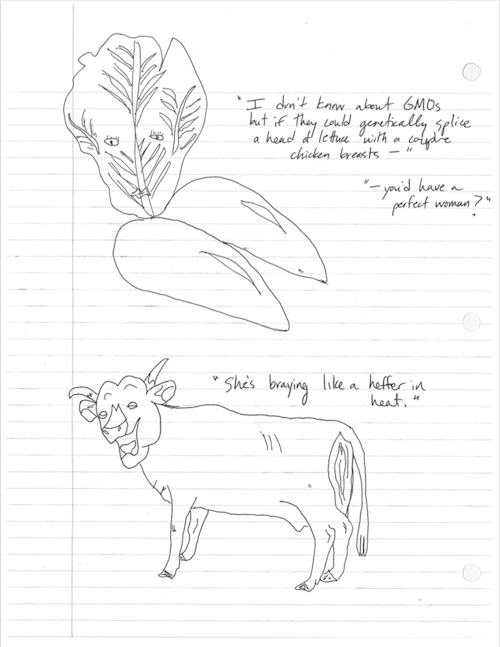
The Portrait Gallery: Hot dog!
Each week, Christine Larsen creates a new portrait of an author for us. Have any favorites you’d love to see immortalized? Let us know, or see if you can find them in the archives.
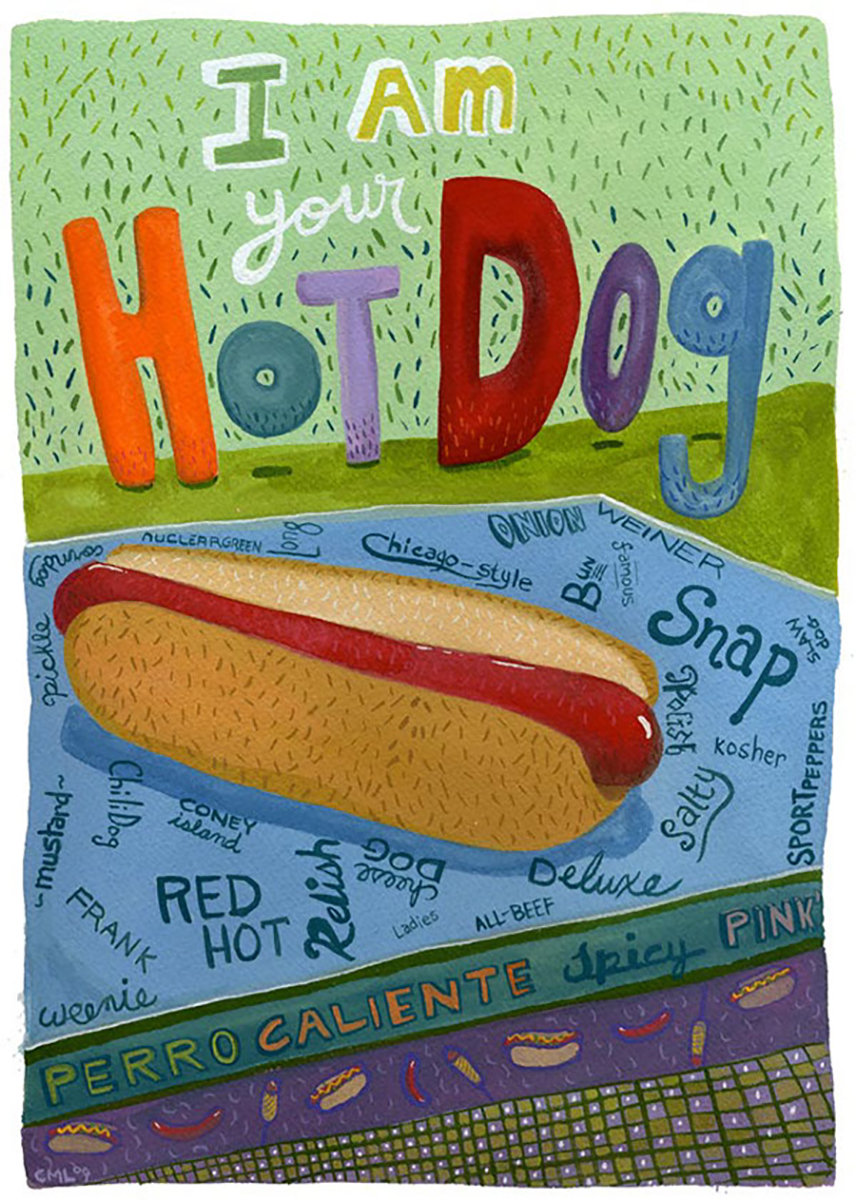
Friday, July 26th: Touch ’Em All Reading
Travis Parker Smith’s new book is about his attempts to see a baseball game in every single Major League ballpark. This reading comes with hot dogs cooked out on the bookstore’s patio, which is perhaps the most summer-y reading I’ve ever heard of. Queen Anne Book Company, 1811 Queen Anne Ave N., 284-2427, http://qabookco.com, 7 pm, free.
Criminal Fiction: Summertime crime
Every month, Daneet Steffens uncovers the latest goings on in mystery, suspense, and crime fiction. See previous columns on the Criminal Fiction archive page
X Marks the Calendar Spot
Steve Cavanagh, whose Thirteen just won the Theakston Old Peculier Crime Novel of the Year, will be visiting Seattle on August 20 to discuss his award-winning novel.
And a little further north, Louise Penny is Booked at the Baker in Bellingham on August 30 with her latest Chief Inspector Armand Gamache mystery, A Better Man.
Reading around: new titles on the crime fiction scene
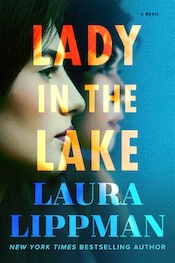
In Laura Lippman’s Lady in the Lake (William Morrow), suburban housewife Maddie Schwartz decides to leave her marriage, forge out on her own, and create a new career path for herself at a local newspaper in mid-1960s Baltimore. Two corpses later, she’s sleuthing her way, incrementally, to a reporting spot, but this is by no means just her story. The narrative, reminiscent of Edgar Lee Masters’ Spoon River Anthology and Dylan Thomas’ Under Milk Wood, unfolds through a chorus of the city’s voices – cops, waitresses, columnists, baseball players, bartenders, kids – delving into the hopes, ambitions and sometimes shattered dreams of its inhabitants, and throwing society’s structured racism, sexism, and political corruption into stark relief. But Maddie’s determined digging also brings to vivid life the inner workings of a metropolitan newsroom, as well as the compassion, focus, and curiosity that drive excellent journalism. Mesmerizing, compelling, and utterly humane, Lippman’s latest is also movingly bookended with the names of the Capital-Gazette journalists murdered in Annapolis, Maryland, on June 28, 2018: Rob Hiaasen, Gerald Fischman, John McNamara, Rebecca Smith, Wendi Winters.
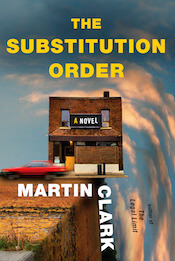
Kevin Moore, once a highly respected lawyer – ‘The Courtroom’s Clooney,’ no less – is slinging luncheon meat in the aptly named SUBstitution fast-food joint, temporarily disbarred and on probation for drug use, in The Substitution Order by Martin Clark (Knopf). Then, a palpably villainous dude slinks into his life, a “chubby Draco Malfoy sans the Slytherin blazer,” as one colleague puts it, and Moore’s life goes from bad to worse. (Or, as his best buddy puts it accurately and succinctly, Moore racks up “an accumulation of unwelcome shit….”). Clark’s trademark witty prose and mind-bending legal plotting get a welcome workout in this engaging thriller in which blackmail, financial derring-do, technical wizardry, a canny bit of pet training, and a bucolic rural Virginia setting converge in a pleasurably heady mixture.
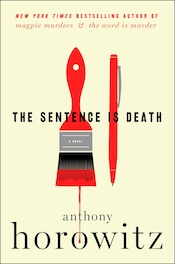
It's murder by wine bottle – and a very expensive one, at that – in Anthony Horowitz’ second PI Daniel Hawthorne investigation, The Sentence Is Death (Harper). Hawthorne is aided, abetted, sometimes unknowingly undermined, but never outdone by his sidekick Anthony Horowitz – yes, you read that correctly – who is meant to be recording Hawthorne’s true-crime adventures for posterity. In between polishing scripts for his TV series Foyle’s War and getting gently snubbed for his commercial-rather-than-literary career choices – everyone gets the proper name of Horowitz’ Alex Rider series wrong – the not-so-fictional Horowitz does indeed scribble his copious notes on Hawthorne’s progress, as the real-life author pokes loving fun at Golden Age detective novels while cunningly crafting one of his own.
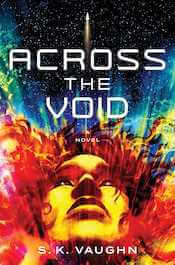
Across the Void (Skybound Books/Atria), S.K. Vaughn’s space-based, future-set, camera-ready thriller kicks off with Commander May Knox emerging from a medically induced coma on the Stephen Hawking II, a NASA research vessel. What knocked her out? And what happened to her crew? As Knox struggles to repair her disintegrating ship, engineers back home — including her estranged husband — work to re-open communication with her; once that channel is established, however, even more hell breaks loose. Vaughn, no slouch when it comes to thrills-a-minute rides — as Shane Kuhn, he’s authored The Intern’s Handbook, The Asset, and Hostile Takeover — peppers his narrative with entertaining tips-of-the-hat to multiple thriller-focused elements, from James Bond and Die Hard, to 2001: A Space Odyssey and The Abyss. Galactical pyrotechnics aside, the story is propelled by very — for now, at least — Earth-bound concepts: the horrifying corruptibility of power, the interfacing of humans and artificial intelligence, and, of course, the indisputable power of love.
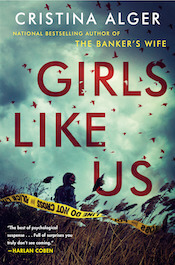
In Girls Like Us by Cristina Alger (Putnam), FBI profiler Nell Flynn returns home to Suffolk Country, Long Island, to mourn her father’s death with his police-department colleagues, to scatter his ashes, and to settle what’s left of his estate. And, having left a decade earlier without a backward glance, Nell is eager to complete the practicalities and get the hell out of Dodge. But when her father’s former partner on the homicide team involves her in the recent local murder of a young Latina, Nell finds herself tangling with sharp-eyed reporters, questionable investigative processes, and a truly timely, ripped-from-the-headlines tale of exploitation, abuse, and corruption. Tautly wound police-procedural-thriller aside, Alger’s novel is a smart, searing indictment of just one of the many contemporary examples of the haves vs. the have-nots.
The Quintessential Interview: Kate Mosse
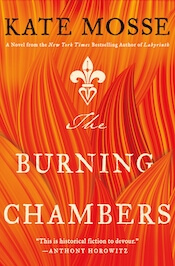
With her Languedoc trilogy – Labyrinth, Sepulchre, and Citadel – Mosse limned that region’s rich history, melding narratives of contemporary characters with those of medieval, 19th, and 20th Century France into vibrant time-slip thrillers. The Burning Chambers (Minotaur) is the electrifying start of a new series which follows the diaspora of the Huguenots from France to new homes in London’s East End, Amsterdam and South Africa. The first novel, while set firmly in 16th Century France during the Wars of Religion which pitted French Protestants against French Catholics, palpably echoes our own timeframe – the propaganda machines, the language, the intolerance, the resistance to losing long-held power and privilege – a potent literary reminder that history is not the past.
Mosse is also the co-founder of the Women’s Prize for Fiction, one of literature’s most prestigious and high-profile recognitions.
What or who are your top five writing inspirations?
The most significant character in all of my fiction is landscape. So, I walk in the footsteps of the great writers of the past who put the spirit of place at the heart of their storytelling: novelists Emily Brontë, Willa Cather, and Edith Wharton, poet T.S. Eliot – Four Quartets remains the sequence of poetry that means the most to me – and Ian Rankin's Rebus novels, where Edinburgh just leaps off the page.
Top five places to write?
After years of research and preparation, when I sit down to write a first draft of a new novel I always take myself off to an anonymous hotel (usually in the Canary Islands!). There, I can dream and think, be utterly removed from my everyday life, just spend time getting to know my characters. After that, it is Carcassonne all the way – all my historical-fiction novels are love letters to that city in southwest France – as well as my study at home in England, Chichester in West Sussex. The second novel in my 'Burning Chambers Quartet' is set mostly in Amsterdam, a city I love and am inspired by. Finally, New York: there, that timeless running together of days and nights is great for writers like me who work mostly in the very (very!) early morning….
Top five favorite authors?
See answer 1 - and add to the mix Agatha Christie, Madeline Miller, Guy de Maupassant, the multiple authors of The Bible, and Emily Dickinson.
Top five tunes to write to?
I write in silence...I need to hear the whispering of my characters and the stories of the past, so music would drown that out.
Top five hometown spots?
For 30 years, Chez Félix in the Bastide of Carcassonne and the Café Trouvère in the heart of the medieval citadel; the Bishop's Palace Gardens by Chichester Cathedral, nearly 50 years spent thinking and wandering those pathways; in the Cafe Hoppe on the corner of Spui in Amsterdam, next to the extraordinary former convent of Begijnhof behind the grand canals; and the iconic bookshop, Shakespeare and Company, on the Left Bank in Paris overlooking the mighty flying buttresses of Notre Dame.
Thursday Comics Hangover: All-new, all-different
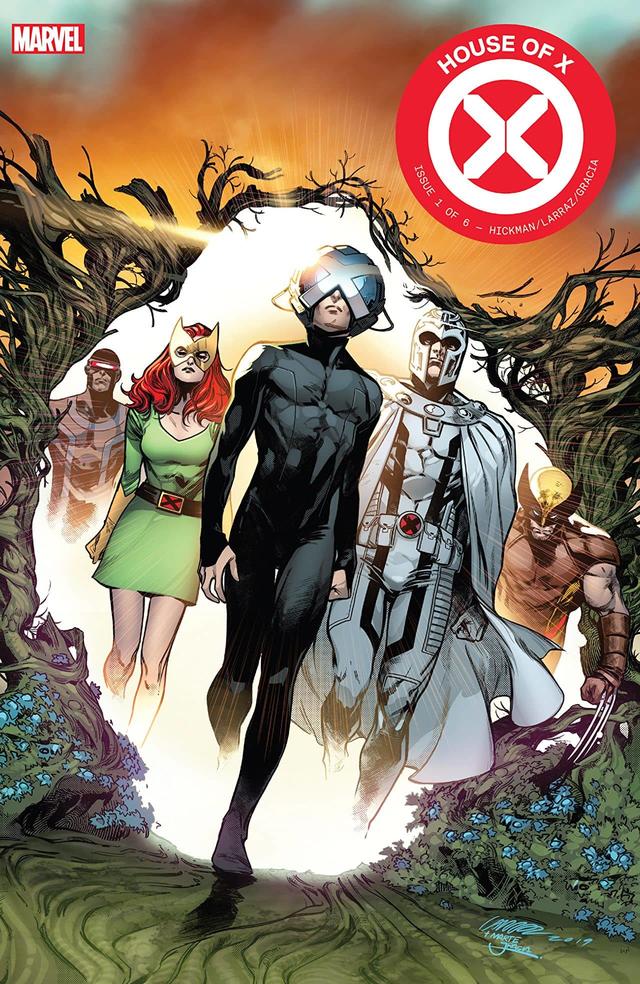
Yesterday, comic book stores around town quickly sold out of what might be the year's mainstream superhero breakout hit: House of X #1. It's the first issue of a reimagining of the X-Men franchise by superstar writer Jonathan Hickman, who previously wrote gigantic franchise reinventions of the Fantastic Four and the Avengers.
If you've read a Hickman comic before, you probably know what to expect: a giant cast of characters, a story with a huge scope, and pages that are just beautifully arranged sprays of text. If you haven't read a Hickman comic before, the closest analog I can summon is this: imagine a dense five-volume series of novels about the X-Men by Isaac Asimov, only you can only read it one chapter per week.
The X-Men are a concept that needs to be reinvented every twenty years or so. The last time the series was shaken up was by Grant Morrison and Frank Quitely. They amped up the book's horny soap-operatics, and they readjusted the mutant metaphor: being a mutant was no longer about race in America: Morrison made it more a statement on what it meant to be gay in America in the early 21st century. Under Morrison, the X-Men were fashionable and cool and more than a little angsty.
I'm not quite sure what Hickman's central mutant metaphor will be, but I suspect that climate change is factoring into it all. House of X immediately sets up a new paradigm that finds the X-Men teleporting all over the planet, bringing weird flowers everywhere they go. They're not based out of a mansion anymore; now they live in paradise, and they want to be themselves. They're negotiating with the nations of the world to be left alone as equals, and they are bargaining from a position of power.
Of course there's a lot more going on here. All the cheesy drama you remember from the classic X-Men run written by Chris Claremont are here in one form or another. Professor Xavier and Magneto have some weird interpersonal relations going on. The world hates and fears the X-Men, and a thousand subplots seem to be unfolding all at once.
The art by Pepe Larraz similarly calls back to classic X-Men comics of the past. Over a few pages, his version of Cyclops resembles the versions drawn by Walt Simonson, John Byrne, and Marc Silvestri. The art never feels retro or overly dense with homages; in fact it kind of shimmers through X-Men history, with each panel practically vibrating with influences and energy.
Of course, it's impossible to tell where all this is going. Hickman's stories tend to be grand and long and intricately planned. I assume there are any number of twists and turns coming over the next three months of weekly comics laying out his new take on the franchise. But as a debut issue, House of X certainly promises something at once new and true to the long history of the X-Men series. It's time to reimagine the X-Men again. But are we getting the X-Men we need, or the X-Men we deserve?
Book News Roundup: Your ballot has arrived, so now vote for the library
-
If you live in Seattle, you should have gotten your ballot by now. You should also know that the Seattle Review of Books Editorial Board endorses a "yes" vote in favor of the library levy on this year's ballot. I even wrote an editorial at Crosscut about it. If you haven't gotten your ballot yet but you are registered to vote, follow the instructions on the King County Elections website..
-
The most "controversial" aspect of the Library Levy, by which I mean the one thing conservative anti-government dimwits are using to protest the levy, is the idea that the library will end overdue fees. This should not be controversial at all. As Daniel Beekman reports at the Seattle Times, Snohomish County's library system hasn't had late fees for decades, and it's been great for everyone.
-
Speaking of the library, Seattle Public Library is showing off parts of their Zine Archive and Publishing Project in a new exhibit.
-
There is a war against library ebook lending, and Amazon just joined in. In the most Amazon move ever, the online retailer is trying to pit indie bookstores, publishers, authors, and libraries against each other.
“Amazon continues to put pressure on publishers by sharing data with authors indicating libraries are the cause of lost digital retail sales,” [digital lending company Senior Vice President Thomas] Mercer said. “Their argument is that every loan at a library is a lost sale. While I don’t believe this to be true, and I don’t think many publishers believe this to be true, the pressure is causing major publishers to reconsider their library model.”
- I guess if you wanted a collection of love poetry co-authored by Seattle literary figure Amanda Knox, you could contribute to this crowdfunding effort.
Exit Interview: Gary Luke turned Sasquatch Books into the finest regional publisher in the nation. Now he's retiring.
In his role as editorial director, Gary Luke has guided Seattle press Sasquatch Books across some of the most turbulent years the publishing industry has ever seen. He helped develop a small ancillary publishing concern into one of the very best regional presses in the nation. As Luke prepares to retire from his role at Sasquatch, we called him to see what he's learned and what's next.
Hi! Happy retirement.
Thank you.
And how long have you been at Sasquatch?
It will be 25 years.
Can you talk a little bit about what you were aiming to do when you started Sasquatch and maybe how it's changed over the years?
Well, first of all, I didn't start the press, it was started by David Brewster-
Right! Yes, sorry, of course. I knew that. I just like to start all my interviews with a huge mistake.
So it was started by David Brewster at the [Seattle] Weekly, and it had been running for a couple years. I knew Skip Berger from junior high school, and we stayed in touch while I'd gone off to New York. He called one day and asked if I would ever consider moving back to Seattle, because they were looking for an editorial director for Sasquatch. It was basically about the only job I could have imagined moving back to Seattle for. And so I did that.
I used to say when first starting out that Sasquatch should aspire to be the Random House of the Pacific Northwest.
Kind of ironic.
I know. And up to that point, Sasquatch's great successes had been all around the Best Places travel guide books, and things like that. So I think the goal was to test the boundaries and the possibilities of regional publishing.
In retrospect, it seemed very smart for an alt-weekly to have a publishing arm, especially with books like Best Places. When I moved to Seattle in 2000 I had my Best Places guide with me, and it incorporated a lot of that alt-weekly feel — the reviews and the voice-y familiarity with the city. What was the relationship between the Weekly and Sasquatch like? I just can't think of anything contemporary that exists like that.
I'm sure it exists somewhere, but we operated pretty separately. I think that the connection to the Weekly manifested in the writers who were there. Oe of the early ideas that I had was I wanted to do a biography of Mount Rainier. And so, I just walked down the hall and sat down in [then-Weekly writer] Bruce Barcott's cubicle and asked if he wanted to do that, and fortunately he did. And that book is still in print, The Measure of a Mountain.
Do you think that there's a model for regional publishing beyond Sasquatch? Every region has a publisher, although I would say that most of the places where I've lived, those regional publishers have not been of Sasquatch's quality. It seems like the regional publishing model is either changing drastically or it's going extinct.
I think that it was possible to thrive as a regional publisher in the Northwest because we have a very healthy bookstore ecosystem. In other parts of the country, you don't have that. Like in Los Angeles for example, they don't have stores like Powells, and Elliott Bay, and Village Books, and Third Place. They're, I think, predominantly served by chain bookstores like Barnes and Noble. So that's a big piece of the ecosystem that has to be in place in order for regional publishing to survive.
How did you as an editor work to capture the flavor of the region so well, especially one that went through as many changes in the last 25 years as Seattle and its surrounding areas did?
Well, first of all is to meet writers who self-identify as regionalists. In doing that you get a sense of what this ecosystem is like Obviously you have to read every publication that comes out. And then once the Internet was invented there were all those other doors that opened up.
Of course you love all your babies equally, but are there any books or experiences that stand out particularly as you're rounding the bend to retirement?
Certainly I think of Bruce's book, The Measure of a Mountain. And Nancy Pearl's books, Book Lust and all of the others, those were a blast to publish. Nancy was a friend of the press, and creating that book and the way it resonated with people... I think we thought it would sell at about as far as the KUOW radio signal went and it just kind of went viral.
Then there's a new author that I've published over the past couple of years, a naturalist named Leigh Calvez, and she wrote a book called the Hidden Lives of Owls, and another one called The Breath of a Whale. She writes about nature and she covers the science stuff, but she also brings out and explores the spiritual side of nature. [Spirituality] used to be forbidden territory to go into [in nature writing] and now I think there's this opening, and I think she does it really well.
Of course, fairly recently, you shepherded Sasquatch's transition when it was bought by a big New York publisher. It seems to me that you kept the voice intact, which is very impressive. I think a lot of people, maybe even me, when they first saw the announcement that Sasquatch had been bought by Penguin Random House, were a little skeptical that the books would lose what made them unique. Can you talk a little bit what the transition looked like and if you had any guidelines for keeping keeping the press's essential Sasquatch-ness?
Well, that's what they wanted. That's what they acquired, a regional publishing company. During the transition, the phrase that kept coming up, was 'we don't want to mess with the magic.' So they offer market intelligence and guidance in terms of the business end of things. But as far as the publishing program goes, that's really up to us. And we don't have to call them and say, "Well, I'm thinking about acquiring a book about Capitol Hill."
That seems maybe not unique, but at least a little special in terms of print. So what have you been doing to prepare for the lack of you?
Well, we hired a new editorial director, Jen Worick, about a year ago. It's been a year-long period of taking over the management of the editorial team here, and she's doing a great job of it. So, there are projects that I have here that I'll hand off to people and they're fully capable of running the place without me. I don't think it's going to be a huge transition at this point. I think the important task was to get a good editorial director in place. We also have other strong editors.
So, I mean, what are your plans? Are you just out? Or are you going to be doing other things in the literary world?
First of all, I'm going to read already-published books. I've got a whole wall of them and I keep thinking that one day I will read things that have been out for longer than six months.
Is there anything you've been dying to read?
Right now I'm reading Fleishman is in Trouble by Taffy Brodesser-Akner. It's a very funny novel of manners, and marriage, and divorce in New York. And then I'm also reading The British Are Coming, but I think it's going to take me until the end of the year to finish that, it's such a massive book.
Both books have nothing to do with the region.
And so what else are you going to be working on?
I hope I'm going to find some way to connect. I have a certain level of expertise, I think, and I'm going to find some way to plug myself into the literary/writing/book world here. I haven't figured it out yet.
And I'm going to work to get Elizabeth Warren elected.
What is that going to take the form of? Volunteering?
I don't know. Volunteering and donating every time I get — well not every time I get an email.
They send a lot of emails. Oh my God.
Yes, they do.
Well, I hope that you'll be in touch when you do find your new way to plug into the book world. And I think that, as I've gotten to know Sasquatch staff over the years, it seems like the people you have now are pretty exceptional. I think you are leaving it in good hands. They're just really capable, and fun, and smart. Building an organization that can survive your passing is a big deal. And I think you've got a good crew there.
Yes, they are great book people. And the designers, who you probably have never encountered, make our books look great. We have production editors who are so careful, and are obsessed with squeezing every error out of a book so they're perfect. That takes a lot of dedication and professionalism, and I think that we have that here.
The walls of language
Published July 23, 2019, at 12pm
Elisa Chavez's new chapbook features deeply political poems written in English and Spanish. But these translations don't live in harmony: they're arguing and fighting and persecuting each other.
The Citizen
apologies to Wallace Stevensone must have a mind of silly putty
acquiesce not
interrupt combust at 35 one leaps
the other lies deciding’s not for us
one must have a mind
of anecdote not data point must
never mind the grope
one must have a mind of
antelope one must have a mind
of wind of pantyhose one mustn’t
mind the mess or make a fuss
must mine the hive believe the lies
one must have a mind at least one
must
Twentieth Century Captain

You know Ivan Schneider. He’s one of our most prolific reviewers and writers. Now, he’s become a sponsor of the site, as well! In his spare time, when not hunting for canine clues in Cervantes, he undertook a great project. Ivan sat with his 97-year-old father, and documented the stories of Leon Schneider’s notable and amazing life. Then, he turned those stories into a concise, engaging volume called Leon: a Life.
He wanted to make sure Seattle Review of Books readers knew about this — he knows our readers love a compelling, engaging story well-told, full of adventure and heart. Visit our sponsor’s page to read more about this work, or to find out how to procure a copy — for 20% off this week! — at a local store, or find other ways to view and purchase online.
You’re part of the best book city in the world, and we want everyone to know who you are. We’re about to release our block of fall and winter dates, so after you’re done with (hopefully) a nice vacation, or at the very least a dip-of-the-toes into an alpine lake, get ready for the fall book season by making sure book lovers in Seattle know more about yours. Reach out to us for details, and to find out availability!
Your Week in Readings: The best literary events from July 22nd - July 28th
Monday, July 22nd: Shapes of Native Nonfiction Reading
See our Event of the Week column for more details. Seattle Public Library, 1000 4th Ave., 386-4636, http://spl.org, 7 pm, free.
Tuesday, July 23rd: Mostly Dead Things Reading
Kristen Arnett's long-awaited debut novel about Florida and taxidermy and family, Mostly Dead Things, is mostly here. Arnett is an Extremely Online person with a huge Twitter following, and the book appears to be living up to the hype. Tonight, she's in conversation with Seattle novelist Richard Chiem. Elliott Bay Book Company, 1521 10th Ave, 624-6600, http://elliottbaybook.com, 7 pm, free.
Wednesday, July 24th: Jade War Reading
Fonda Lee, a sci-fi novelist who wrote a great guide here on SRoB for friends and family of novelists who have recently published books, will read from her new book Jade War. In the book, clans do battle over a world in a fantastic universe. University Book Store, 4326 University Way N.E., 634-3400, http://www2.bookstore.washington.edu/, 7 pm, free.
Thursday, July 25th: Noir at the Bar
The mystery-themed reading series hosted by Nick Feldman returns for a reading in the Alibi Room with local mystery/thriller authors like Danny Gardner, Frank Zafiro, Roz Ray, Renee Patrick, Baird Nuckolls, Colin Conway, and Michael Fowles. Alibi Room, 85 Pike St #410, 623-3180, http://seattlealibi.com/, 8 pm, free.
Friday, July 26th: Touch 'Em All Reading
Travis Parker Smith's new book is about his attempts to see a baseball game in every single Major League ballpark. This reading comes with hot dogs cooked out on the bookstore's patio, which is perhaps the most summer-y reading I've ever heard of. Queen Anne Book Company, 1811 Queen Anne Ave N., 284-2427, http://qabookco.com, 7 pm, free.
Saturday, July 27th: Wizard Girl Reading
Karen Eisenbrey's new novel Wizard Girl is about a young woman who wants to become a wizard in a world where women are forbidden from wizardry. Third Place Books Ravenna, 6504 20th Ave NE, 525-2347 http://thirdplacebooks.com, 7 pm, free.
Sunday, July 28th: Introduction to Jung
Dr. Bette Joram is the co-president of the Seattle branch of the C.G. Jung Society. This event is sponsored by the Seattle Analytic Philosophy Club. I had no idea there was such a thing as the Seattle CG Jung Society or the Seattle Analytic Philosophy Club, and I feel better about the city knowing that both groups exist. Seattle Public Library, Beacon Hill Branch, 2821 Beacon Ave S, 684-4711, 1:30 pm, free.
Event of the Week: Shapes of Native Nonfiction reading at Seattle Public Library
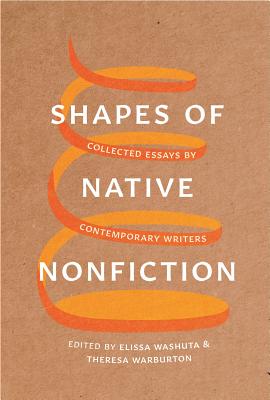
For many years, Elissa Washuta was a Seattle author. She published her first memoir, My Body Is a Book of Rules, here and she also published a second shorter memoir, Starvation Mode before she eventually left in pursuit of a career in academia. Washuta represented the forefront of a generation of Seattle writers: funny, introspective, unwilling to be constrained by genre. Her launch party was held at the Hugo House, and she participated in any number of readings around town.
But perhaps you know Washuta from a Twitter thread she started after Sherman Alexie faced allegations of sexual misconduct last year. Washuta, a Native American author, listed dozens of novels and memoirs and story collections and books of poetry by Native authors for audiences who may not previously have read beyond Alexie:
I see some non-Native readers looking for recommendations of works by Native writers who aren't Sherman Alexie. It's honestly pretty tiring to fight for attention and only get it at times like these, but I'm willing to take the opening and make some recommendations:
— Elissa Washuta (@elissawashuta) February 25, 2018
Tonight at the downtown branch of SPL, Washuta returns to Seattle with a project that feels like a natural progression of that Twitter thread, even though it's likely been in the works for much longer. Edited with Theresa Warburton, Shapes of Native Nonfiction: Collected Essays By Contemporary Writers is a collection of new and familiar Native authors, including Stephen Graham Jones, Terese Marie Mailhot, Eden Robinson, and Kim TallBear.
It's hard to believe that nobody has produced a book quite like Shapes of Native Nonfiction before, but finally it's here. Library Journal raved about the book, calling it "a must for any library." It's the kind of book that seeks to highlight a specific group of people by demonstrating how varied their writing can be.
Washuta didn't grow up here in Seattle, and she doesn't live here now. But Seattle is where she staked her claim, where she demanded that people pay attention to her. And because of that, the city shares a special relationship with her. On this, the evening of her latest book's triumphant publication, we should show her that Seattle still cares for her.
Seattle Public Library, 1000 4th Ave., 386-4636, http://spl.org, 7 pm, free.
The Sunday Post for July 21, 2019
Each week, the Sunday Post highlights just a few pieces of longform writing that we loved reading. Settle in with a cup of coffee, or tea, if that's your pleasure — we saved you a seat! Read an essay or an article online that you loved? Let us know at submissions@seattlereviewofbooks.com. Need more browse? You can also look through the archives.
Cosmic fruit
Intricate and startling, this short essay by Anca Szilágyi is a delight. It’s about strawberries, or violence, or strangeness, or the sweetness and sorrow and difficulty of love — all of these, tied up in a tangle of history, agriculture, and the fantastic.
The “Olga and Beyond” brochure produced by the Olga Strawberry Council of Orcas Island relates the story of Higgie the Kodiak bear. As a fifty-pound cub, Higgie was given by a Mrs. Higginson to a Mrs. Rice in 1910. The bear grew rapidly to 1,100 pounds and often escaped its pen to gorge on nearby orchards and livestock; Higgie “met its fate while enjoying Sam Lightheart’s garden” in June of 1913. Poor Higgie, snout red with strawberry flesh.
My books
On retiring (and the corresponding relocation), Ian Patterson sold off an enormous library of books until the collection fit his new, geographically smaller life. Unlike the sweetly ephemeral strawberry, we expect books to stay. Their longevity is reassurance of our own, their loss, a loss of some version, or many versions, of our self.
... each time I pulled a book off the shelf, I remembered when and where I’d bought it. The day I’d finally handed over 25 shillings for Spinoza’s correspondence. The Bergson with Hubert Bland’s bookplate that I found in a jumble sale. The complete run of C.K. Ogden’s journal Psyche which he’d bound himself in quarter vellum with his butterfly insignia on the spine, and all the volumes of the Psyche Miniatures I’d picked up here and there over the years. Books by friends and books by people I disliked. Books full of my notes or jottings on the backs of envelopes. Books bought in Cambridge from the libraries of Raymond Williams, Dadie Rylands, Tony Tanner, Jack Lindsay and other luminaries. Even the most unassuming books prompted recollections. They composed a sort of biography, each one acting like a door in an advent calendar, opening on to some moment in the past.
Still, they had to go.
The weird magic of eiderdown
The lyricism of this piece is less in the language, more in the circumstance. Edward Posnett (in an excerpt from his forthcoming Harvest) follows the relationship between Iceland’s eider, the farmers who gently harvest the bird’s down, and the Artic fox, whose treatment at the farmers' hands is much less gentle.
Some things that are wonderful: the eider plucks its own breast to make the warmest nest for its young. The Arctic fox has tiny, furred paws that must help with running on snow. Eider feathers look like fractals on LSD.
Some things that are difficult: finding a balance between humans and the many kinds of wild that cannot be so easily upset.
Watching the whales’ spouts rise and dissolve in the distance, it was easy to believe this place a rural utopia, a place where eiders could nest in peace and children roamed alongside geese, rabbits, puffins and horses. Around us life exploded from the water, the skies and the crevices in the rocks. All one had to do was to observe it, wait patiently and gather eiderdown. But then we were met by Tása, the family dog, whose job it was to catch any mink that swim over from the mainland. “She’s a gentle family dog,” Alexíus said, “but when she meets the mink she goes apeshit. It’s quite messy when she gets it. She starts one end and breaks every bone.”
Whatcha Reading, Elissa Washuta?
Every week we ask an interesting figure what they're digging into. Have ideas who we should reach out to? Let it fly: info@seattlereviewofbooks.com. Want to read more? Check out the archives.

Elissa Washuta is a once Seattle-based, and now Ohio-based, member of the Cowlitz Indian Tribe and a nonfiction writer. She is the author of Starvation Mode and My Body Is a Book of Rules, named a finalist for the Washington State Book Award. With Theresa Warburton, she is co-editor of the new anthology Shapes of Native Nonfiction: Collected Essays by Contemporary Writers. She has received fellowships and awards from the National Endowment for the Arts, Creative Capital, Artist Trust, 4Culture, and Potlatch Fund. Elissa is an assistant professor of creative writing at the Ohio State University.
Join Elissa and Theresa Warburton, along with contributors Laura Da' and Ruby Murray, at the Central Library this Monday, the 22nd, at 7:00 pm for a launch celebration of Shapes of Native Nonfiction.
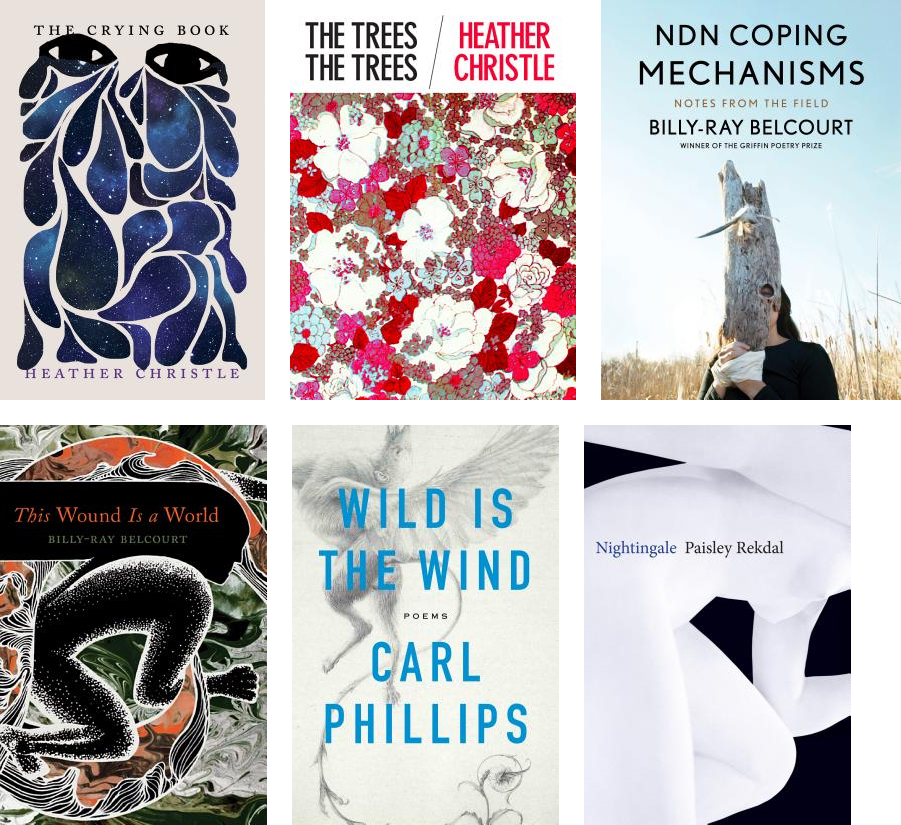
What are you reading now?
The Crying Book by Heather Christle, a full book-length essay (is that how she would describe it? That's what it looks like, anyway) coming out from Catapult in November. I became familiar with Heather's poetry when I lived in Seattle and got The Trees The Trees from Octopus Books at, I believe, the APRIL festival bookfair at Hugo House. Now I'm in Ohio and Heather has become an Ohio friend, although she's about to leave for Georgia. So far, one thing I love about this book is that Heather is bringing her distinctive poetic voice and strangeness to prose fragments, but she's using the essay-book structure so well, making movements and shifts on a different scale and at a different pace than would fit a (shorter) poem, I think.
What did you read last?
Unpublished manuscripts. Other people's, and my own. I feel like I've just been reading my own writing for eons, since I am finishing writing a book and also just celebrated the launch of Shapes Of Native Nonfiction: Collected Essays By Contemporary Writers, a book co-edited with Theresa Warburton. Anyway. The last finished book I read was Ndn Coping Mechanisms by Billy-Ray Belcourt. Oh my god, his first book This Wound Is A World is the book I've read the most times. It is necessary for me as a Cowlitz/Cascade person living a life of estrangement, loneliness, and pain in an occupied place.
Here's the blurb I wrote for NDN Coping Mechanisms:
“This brilliant book is endlessly giving, lingering in tight spaces within the forms of loneliness, showing the contours. These poems do the necessary work of negotiating with the heart-killing present from which we imagine and make Indigenous futures. Every line feels like a possible way out of despair.”
What are you reading next?
I'm out at Centrum at the Port Townsend Writers' Conference, and I swore I wouldn't buy any books because I truly have no room in my luggage for them, but things happen. I bought Wild Is the Wind by Carl Phillips and Nightingale by Paisley Rekdal, so I expect to be reading one of those on the plane back to Ohio.
The Help Desk: Please only check out the books
Every Friday, Cienna Madrid offers solutions to life’s most vexing literary problems. Do you need a book recommendation to send your worst cousin on her birthday? Is it okay to read erotica on public transit? Cienna can help. Send your questions to advice@seattlereviewofbooks.com. Cienna's volunteering this week at a camp for young spiders from broken webs, so this colun is a re-run from April of 2016.
Dear Cienna,
Do you have any opinions on sexy-librarian porn? I’m kind of flattered by the trope, but I also wonder if maybe it doesn’t raise expectations to an uncomfortable level with my prospective girlfriends.
Annie, Admiral
Dear Annie,
I’m glad you asked! I have stronger opinions on porn than all the right hands in Gary Herbert’s public health department combined. Generally, I’m pretty positive about the sexy librarian trope, and here’s why: People who objectify librarians find their brains as sexy as (if not more so than) their physical appearance. Librarians are intellectuals. Gatekeepers of knowledge. Curators of imagination. Smart people pant over stuff like that. They swoon. And isn’t that a refreshing change in porn?
Of course, if prospective girlfriends are making you uncomfortable with their objectification – if they demand you collect late fees while wearing a ball gag or read them Goodnight Moon while sitting on their face (and you’re not into it), I suppose that’s problematic. Maybe you should remind them that you’re not just a sexy brain stuffed inside a sexy body with the entirety of modern thought harnessed at your fingertips, you’re a real person with nonbookish interests who sometimes wants to sit in sweatpants, eat Muddy Buddies and watch Real Housewives punch each other in the Fake Tit.
Kisses!
Cienna
The Portrait Gallery: High Summer
Each week, Christine Marie Larsen creates a new portrait of an author or event for us. Have any favorites you’d love to see immortalized? Let us know

Summer Reading
Summer is here. It is time. Find your space and spend a few minutes with a book.
"I think we’re actually living through the worst-case scenario right now."
Economist/podcaster Tyler Cowen has a great long interview with Seattle author Neal Stephenson about freedom, technology, dystopias, and his new novel Fall; or Dodge in Hell. Here he is on the surveillance state and the idea of freedom:
Freedom is a funny word. It’s a hard thing to talk about because to a degree, if this kind of thing cuts down, let’s say, on random crime, then it’s going to make people effectively freer. Especially if you’re a woman or someone who is vulnerable to being the victim of random crime, and some kind of surveillance system renders that less likely to happen, then, effectively, you’ve been granted a freedom that you didn’t have before.
It's a really playful conversation that veers into some incredibly dark places, which makes it a perfect example of what it's like to talk to Neal Stephenson.
Books to Prisoners is still looking for a home
A reminder: Seattle's Books to Prisoners, which is a great organization that does great work, needs a new home. Can you help them find a good, affordable office space of over 800 square feet for less than $1,000 a month? If so, please contact them.
Thursday Comics Hangover: Crime and Punish-ment
After some police officers were placed on leave over racist social media posts, the St. Louis police union asked members to protest the officers being taken off duty by displaying a particular symbol. The symbol in question? The logo of the Marvel Comics character The Punisher — a menacing stylized skull — with a blue line added to represent lawmakers.
The head of the union was asked about the logo:
The fact is, there will always be someone who finds fault with any symbol we identify with or person we choose to carry our message. The Blue Line symbol and the Blue Line Punisher symbol have been widely embraced by the law enforcement community as a symbol for the war against those who hate law enforcement. It’s how we show the world that we hold the line between good and evil.
This is an egregious misreading of the Punisher character. The Punisher has nothing to do with "the line between good and evil." The Punisher is a man whose family was killed in a seemingly random act of violence, and who responded to that violence by becoming irredeemably evil.
The Punisher murders people he perceives as evildoers. He is a bad guy. He was created as an echo of the Death Wish and Dirty Harry movies, which featured angry white men murdering people without concern for due process. And he is not a hero. Imagine if police in your area started to proudly display Hannibal Lecter mask stickers on their cars, or posted Timothy McVeigh's name in a place of pride on their cruisers. It's a celebration of a character who has abandoned the rule of law and taken justice into his own hands — a man who should be the exact opposite of what a police officer stands for.
The funny thing is, earlier this month, the Punisher character directly addressed this kind of misunderstanding. In the latest issue of his comic, written by Matthew Rosenberg and illustrated by Szymon Kudranski, the Punisher encounters a few police officers who have placed a sticker of his logo on their car. They tell the Punisher that they idolize him and his methods. The Punisher replies by tearing up the sticker and telling the cops that he's no hero:
There's no way this was planned, of course, but the fact that Rosenberg and Kudranski felt obliged to address the matter at all means that this Punisher worship has gone on for far too long.
Let's be clear: Police officers should not be racist. Racist statements should be investigated and the officers should be penalized for them. And police officers should not idolize the Punisher. Placing a Punisher logo on their equipment is a shorthand for the belief that criminals should be executed without a judge or jury. The Punisher sign should be cause for an investigation on its own. This isn't about good or evil. It's about respect for the letter of the law. Either you serve the law or you don't. There's no room for interpretation here.
The provocateur who shouted "free speech"
Recently, I was blind copied on an email blast from an author of a novel that employs modern alt-right/conservative iconography in a provocative way. The author mentioned coyly that their upcoming reading might have some protestors. The author urged those on the email list to defend their right to free speech by coming out to the reading.
I wrote back to the author: "Uh, aren't the protesters exercising free speech too?"
In another email the author conceded that this was true, but that it just wasn't fair — the protesters were saying the author's perspective wasn't allowed, simply because some of the characters in the author's book liked Donald Trump. I responded:
You're moving the goalposts, though.
First, you suggest that your free speech is somehow endangered by the protesters. Then you claim that the protesters are saying your point of view "cannot be allowed," when in fact they're exercising their free speech, just the same way that you are.
If you're going to try to frame it as a free speech issue by painting yourself as a victim, just please try to be intellectually consistent about it when you're trying to drum up publicity, okay?
The interesting thing is that in their response to me, the author had somehow accidentally included an email from their publisher offering them a blueprint for acquiring free publicity for the book — document the protests with photos and video, write an op/ed in a local paper about the experience, and find a "friendly local journalist" who could "provide love coverage."
It is a problem that here in Seattle, I can think of at least three "journalists" — including two right-wingers and one useful idiot who serves as an alt-right megaphone on so-called 'free speech' issues — who would have uncritically picked up this story and framed it exactly as the author wanted it to be framed, when in fact nobody is being silenced and the system of free speech is working exactly as it should.
I worry about the fact that conservative people are getting so good at working the system — at exploiting the pathological journalistic drive to find "both sides" to every story to create a controversy where, quite frankly, there is no controversy to be found.
I just want to take this opportunity to speak directly to my colleagues in the media: be better. You ignore dozens of PR emails with bad pitches every single day; you can ignore these flimsy arguments for imperiled free speech, too. It took one simple question to rip the lid off this author's naked thirst for attention. If I can do it, you can do it, too. Just don't fall for it next time. Okay?
Jasjyot Singh Hans on his knockout poster for Short Run
This year's poster for the Short Run Comix & Arts Festival is possibly my favorite in the arts organization's whole eight-year run. It's by a Baltimore-based artist named Jasjyot Singh Hans, and it features a bunch of people on public transit, reading comics and zines. Hans's art is simple, but striking. There's something to the angles and the inky blacks and the confidence of the figures in the art that perfectly captures Short Run's energy. It was surprising then, when I emailed Hans, to learn that he's never visited Short Run — or even Seattle! — before. This November will be his first time as a guest. We talked earlier this month. If you'd like to join Hans as a Short Run exhibitor, you can apply for a Short Run table until July 31st.)
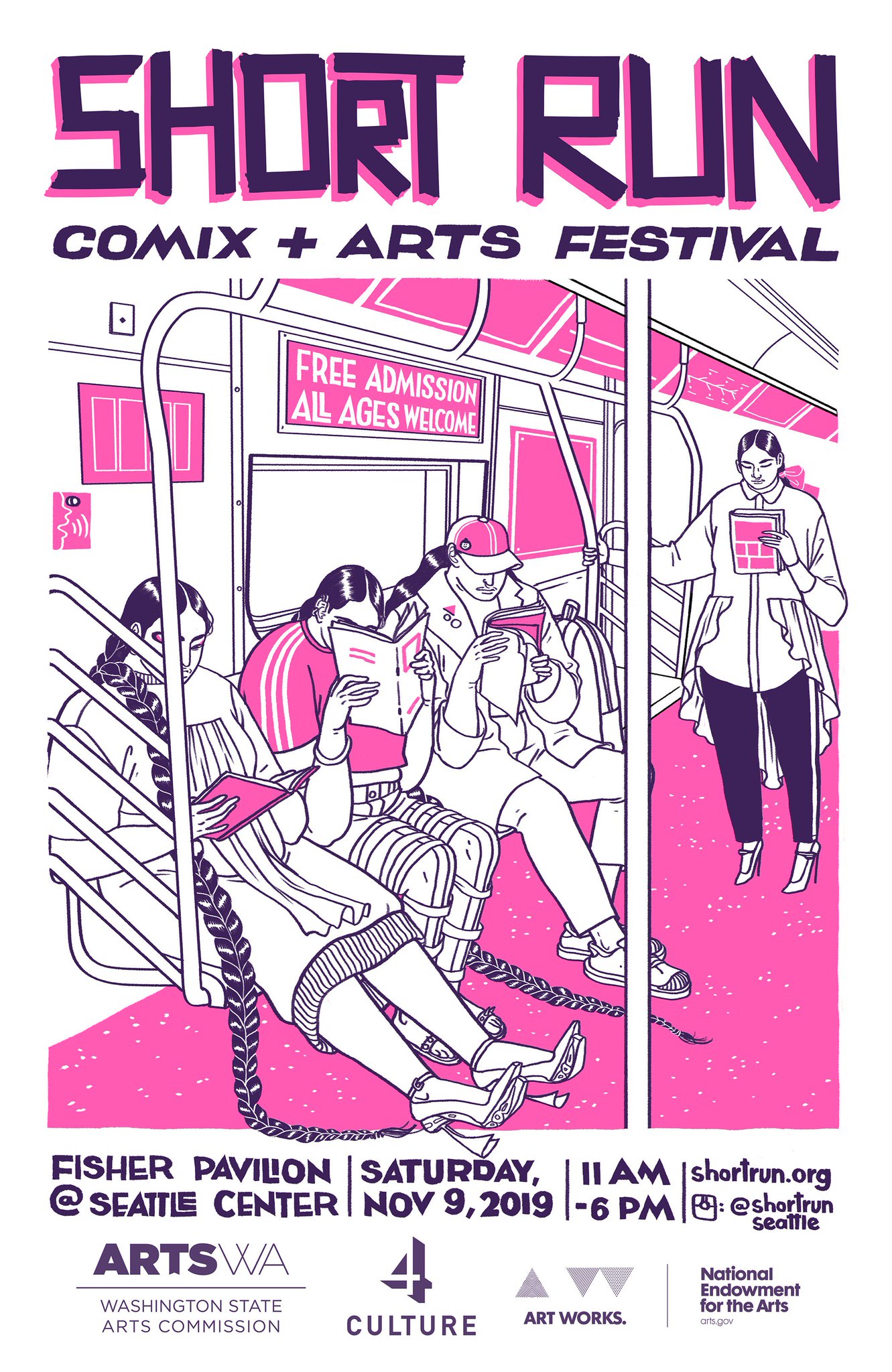
You do fantastic work with fashion and you draw powerful women, and there's something so meaningful about the way these women on the poster are taking up space on public transit. Seattle is relatively new to the train transit game—we just got our light rail about ten years ago, and ridership has exploded as the system has expanded, so the arrival of this poster seems to come at just the right time. I'm glad to see it spread all over the city to remind everyone that men's bodies don't own public spaces. Is this piece based on your own experience?
Firstly, I apologise for putting a NY subway visual on a poster for a Seattle fest! But I couldn't really find any clear reference for Seattle public transit! When you explain it, it makes total sense! I usually don't draw elaborate backgrounds, so this was a challenge. But I loved working on this.
I come from Delhi, which is one of the most unsafe places in the world for women. Growing up with an elder sister made me conscious of my privilege in terms of what spaces were accessible to me, for no other reason but because I'm male. And I find it almost embarrassing how men are allowed to navigate these spaces without question, and exercise power over who gets to be in these public spaces. So this was my way of subverting that idea.
Those braids look incredibly fun to draw. You've drawn similar braids in other pieces, and you seem to always take particular care in the hair of characters you're drawing. A lot of artists sort of draw hair as an afterthought, but you use the hair as a kind of kinetic force to draw the reader's eye in a really appealing way. Can you talk a little bit about the importance of getting the hair just right?
I'm Sikh, and as part of being Sikh, you wear your hair unshorn. So I've grown in a culture where all men and women have really thick, luscious and glorious hair. We usually braid the hair, and the men tie it in a bun on top (we worked the manbuns wayyyyy before they were cool). So seeing oiled, center-parted shiny long braids is something that reminds me of home and my people. That is the reason why it features in my work a lot. It is never an afterthought, but integral to the characters I draw. Having said that, I am really bad at drawing fancy haircuts because I've never had one and have little/ no connection to that idea. But I'm trying! and getting better at it :)
You're coming to Short Run this year for the first time — is there any part of the Short Run experience you're particularly excited about?
I'm keeping an open mind, and am just really excited to meet new people and see a lot of wonderful new work in a new place!
Are you debuting any new work at the show this year?
I am working on a zine project I'm excited about that I really want to debut at Short Run, but I'm swamped with commissioned work so I hope I'm able to finish the book in time! so I guess... MAYYYYBE fingers crossed
2019 Washington State Book Awards nominees announced
Today, the Washington State Center for the Book announced the finalists for the Washington State Book Awards. The list this year is incredibly strong, featuring a number of books that blew me away last year. The judges for this year's awards include booksellers and librarians from all over the state — Bellingham, Seattle, and Spokane are all well-represented.
The winners of this year's WSBA will be announced at a ceremony and party on Saturday, Oct. 12, starting at 7 pm at the downtown branch of the Seattle Public Library. I'm excited to announce that I'll be hosting this year's ceremony. But even with my involvement, you should plan to come anyway: these are some great books and spectacular authors.
Here are the nominees:
FICTION
- The Best Bad Things by Katrina Carrasco, of Seattle (MCD/Farrar, Straus and Giroux)
- The Lost Girls of Camp Forevermore by Kim Fu, of Seattle (Houghton Mifflin Harcourt)
- So Lucky by Nicola Griffith, of Seattle (MCD/Farrar, Straus and Giroux)
- Night Hawks by Charles Johnson, of Seattle (Scribner/Simon & Schuster)
- Winter Sisters by Robin Oliveira, of Seattle (Viking)
POETRY
- What We Do by Michele Bombardier, of Bainbridge Island (Kelsay Press)
- The Book of Sharks by Rob Carney, formerly of Washington (Black Lawrence Press)
- Instruments of the True Measure by Laura Da’, of Newcastle (University of Arizona Press)
- Between Darkness and Trust by Lorraine Ferra, of Port Townsend (Moonpath Press)
- The Slow Art by Sierra Golden, of Seattle (Bear Star Press)
BIOGRAPHY/MEMOIR
- Guts by Janet Buttenweiser, of Seattle (Vine Leaves Press)
- The Shame of Losing by Sarah Cannon, of Edmonds (Red Hen Press)
- Nothing Good Can Come from This by Kristi Coulter, of Seattle (MCD/Farrar, Straus and Giroux)
- The Seminarian by Patrick Parr, of Bellevue (Chicago Review Press)
- Arctic Solitaire by Paul Souders, of Seattle (Mountaineers Books)
NONFICTION
- A False Report by Ken Armstrong, of Seattle (Crown)
- Like a Mother by Angela Garbes, of Seattle (Harper Wave / HarperCollins)
- So You Want to Talk About Race by Ijeoma Oluo, of Shoreline (Seal Press)
- Our Native Bees by Paige Embry, of Seattle (Timber Press)
- Uplake by Ana Maria Spagna, of Stehekin (University of Washington Press)
- The Lines That Make Us: Stories from Nathan’s Bus by Nathan Vass, of Seattle (Tome Press)
PICTURE BOOKS
- Summer Supper, illustrated by Mike Austin, of Seattle, and written by Rubin Pfeffer (Random House)
- The Frightful Ride of Michael McMichael by Bonny Becker, of Seattle, and illustrated by Mark Fearing (Candlewick Press)
- Something Smells by Blake Liliane Hellman, of Seattle, and illustrated by Steven Henry, of Seattle (Simon & Schuster)
- Trevor, illustrated by Amy Hevron, of Seattle, and written by Jim Averbeck (Roaring Brook Press)
- All Are Welcome, illustrated by Suzanne Kaufman, of Seattle, and written by Alexandra Penfold (Knopf Books for Young Readers)
- Adrian Simcox Does NOT Have a Horse, illustrated by Corinna Luyken, of Olympia, and written by Marcy Campbell (Dial Books)
BOOKS FOR YOUNG READERS (ages 6 to 8)
- King & Kayla and the Case of the Lost Tooth by Dori Hillestad Butler, of Kirkland (Peachtree Press)
- Peanut Butter and Jelly by Ben Clanton, of Tacoma (Tundra Books)
- The Sasquatch and the Lumberjack by Crix Sheridan, of Seattle (Little Bigfoot/Sasquatch Books)
MIDDLE GRADE
- Winterhouse by Ben Guterson, of North Bend (Christy Ottaviano Books/Henry Holt)
- The Ostrich and Other Lost Things by Beth Hautala, formerly of Bellingham (Philomel Books)
- Dog Man: Lord of the Fleas by Dav Pilkey, of western Washington (Graphix/Scholastic Inc.)
- Wish Upon a Sleepover by Suzanne Selfors, of Bainbridge Island (Imprint/Macmillan)
YOUNG ADULT
- Unpresidented by Martha Brockenbrough, of Seattle (Feiwel & Friends)
- A Heart in a Body in the World by Deb Caletti, of Kenmore (Simon & Schuster)
- I Am Still Alive by Kate Alice Marshall, of Seattle (Viking Books for Young Readers)
- Blood Water Paint by Joy McCullough, of Seattle (Dutton Books for Young Readers)
- Fast Backward by David Patneaude, of Woodinville (Koehler Books)
- The Price Guide to the Occult by Leslye Walton, of Seattle (Candlewick Press)
Congratulations to all the nominees, and we'll see you on October 12th as the winners are announced and all the nominees are celebrated. What a great year for books in Washington state!
Alpha, beta
Published July 16, 2019, at 12:00pm
Our first (?) review of a pop-up book explores Marion Bataille's ABC3D.
Am I not an immigrant?
(After Soujourner Truth’s speech, Ain’t I a woman?)
There is so much turmoil in our country of late, something must be terribly wrong.
There is a man over there, who occupies the highest office in the land, who says immigrants are rapists, criminals, the worst kind of people.
I have never committed a crime, have paid taxes every year of my adult life, and have worked to earn an honest wage! And, am I not an immigrant?
He says, immigrants take away from everyone and for this they should be rounded up by the millions and deported; they should be banned and blacklisted for worshiping in a way that differs from his. I studied hard to obtain an education and worked to educate children in public schools and everyday commit to lead a life worthy of my parent’s sacrifice, who knew this country was by no means perfect, but it offered us refuge and hope! And, am I not an immigrant?
That man over there may well say, “you are an exception,” but let me tell you, all of us in my immigrant family, my immigrant friends, and many immigrant brothers and sisters, none of us lead our lives to cheat, deceit, take advantage of anyone or any system. We love our kin like everyone else and aspire to a fulfilled life.
The immigrants I know are nurses, teachers, doctors, day laborers, professors. They own businesses, clean school buildings, compose music, make sculptures, write poems. And all are dreamers.
From its dawning where did the majority of this country’s population come from? Where did it come from?
From other places, other countries! The exceptionalism of this country resides in that very fact! In the respect and wonderment of difference.
Let her, let her who can produce a birth certificate immune to the waves of immigration to this county, speak to the grandeur of this land before it was bound to western laws.
Otherwise the road has been/is made by walking — together. Juntos. Together. Todos Juntos. All together.
Sponsors are our lifeblood

Sponsor the Seattle Review of Books for as little as $100 before we release our Fall & Winter slate and prices go up!
Aren’t you tired of being “targeted”? Sure, there’s the active meaning of the word, which means to “aim or direct at something”, but in general this word is all about opposition. Targeting is what you do with weapons, not with people you want to like your stuff enough to buy it.
Sponsorship is our way around this. Sponsors are partners that capture the attention of the best book loving city in the world. Sponsors bring their message to people who aren’t needle-in-a-haystack, but the very reason for the website to exist in the first place.
Sponsors support, targeters take aim. Which would you rather be? We have a few great deals on sponsoring the Seattle Review of Books before we release our Fall & Winter slate really soon. Grab those last dates before their gone, and take the targets off the backs of your buyers, and replace them with a hand-embroidered patch that reads “I supported local artists, writers, and poets.” What could be better than that?
Your Week in Readings: The best literary events from July 15th - July 21st
Monday, July 15th: How I Tried to Be a Good Person Reading
See our Event of the Week column for more details. Goethe Pop Up Seattle in Chop House Row, 1424 11th Ave, Suite 101, https://www.goethe.de/ins/us/en/sta/gps.html, 7 pm, free.
Tuesday, July 16th: Ibi Zoboi Reading
Clarion West brings the author of American Street, a novel about Haitian immigrants in pursuit of the American dream, to the downtown library. Zoboi is a sci-fi writer who approaches the fantastic with something like magical realism. In one of her stories, she describes a young boy as "moving about like globs of unmixed paint on a palette." That's about as good as it gets, image-wise. Seattle Public Library, 1000 4th Ave., 386-4636, http://spl.org, 7 pm, free.
Wednesday, July 17th: Word Chaser at Cafe Racer
Two titans of Seattle literature, Stacey Levine and Mattilda Bernstein Sycamore, are joined by musician Evan Flory-Barnes in this new reading and open mic night at the esteemed Cafe Racer. If you're one of those people who likes to complain about how cool Seattle used to be, you are required by law to attend this reading. I don't make the rules! It's sure to be a good time. Cafe Racer, 5828 Roosevelt Way NE, 523-5282, https://www.facebook.com/events/343219556348575/, 7 pm, free.
Thursday, July 18th: Margin Shift
The poetry collective rides again on its third Thursday reading series, this time with Seattle slam poet Corbin Louis, Seattle surrealist poet E Briskin, and Seattle poet Bill Carty, whose collection Huge Cloudy is a walking tour of a poetry book. Common AREA Maintenance, 2125 2nd Ave, (253) 224-0746. http://commonartspace.com, 6:30 pm, free.
Friday, July 19th: Per-Verse Release Party
Floral attire is requested at this celebration of a new smutty zine. Expect poetry, comedy, "erotic fanfiction," music, and an AV component. Also bring some money to buy this dirty, dirty zine. Cafe Racer, 5828 Roosevelt Way NE, 523-5282, https://www.facebook.com/events/2393672267557981/, 8 pm, free.
Saturday, July 20th: Mueller Report Live
On Friday, local actors and other performers are getting together to put on a 24-hour reading of the Mueller Report. Stay for all or part of this one, but definitely take part in it as a moment in history. Even as redacted as it is, the Mueller Report is a book that doesn't keep secrets. Hearing it read aloud might help you shine a light on everything that the book has to reveal. Town Hall Seattle, 1119 8th Ave., 652-4255, http://townhallseattle.org, Friday-Saturday, free.
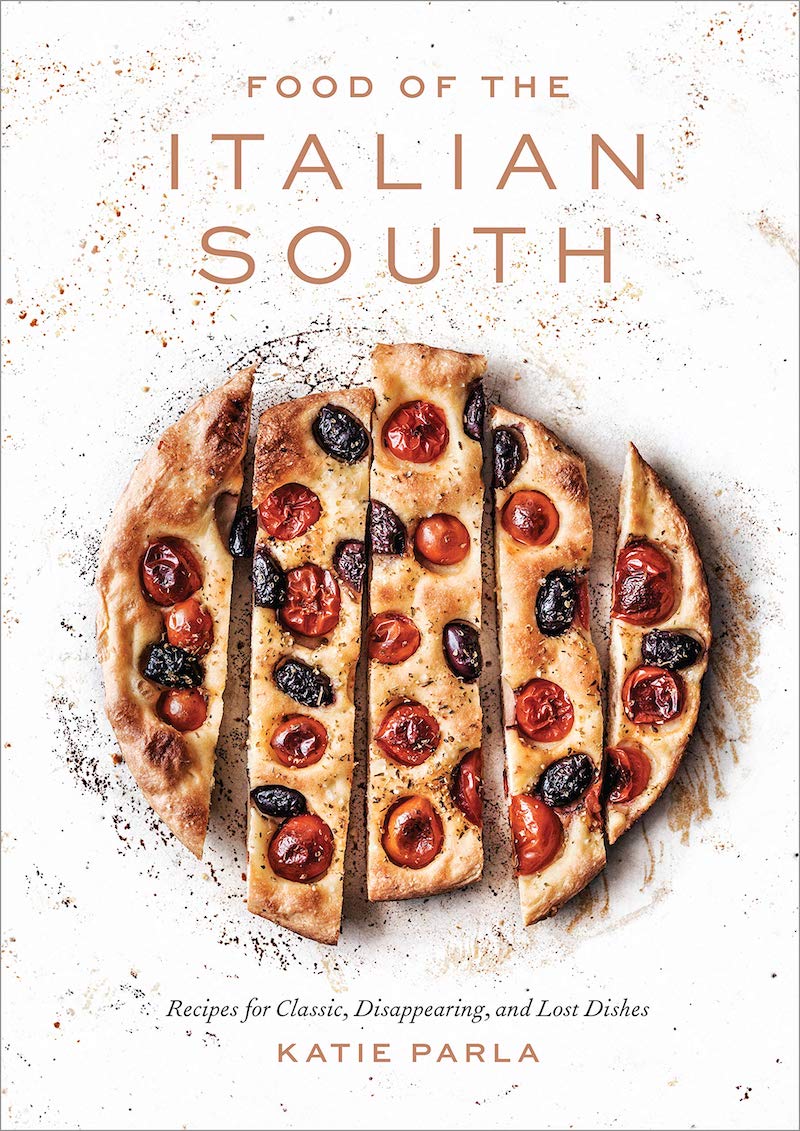
Sunday, July 21st: Food of the Italian South Reading
Food journalist Katie Parla's latest book "takes you on a tour through the beloved and widespread culinary traditions from the regional cuisines of southern Italy." She'll be in conversation with Book Larder Culinary Director Amanda Coba, who knows a lot about Italian cooking. Book Larder, 4252 Fremont Ave N, 397-4271, https://www.booklarder.com, 10:30 am, free.
Literary Event of the Week: How I Tried to Be a Good Person reading
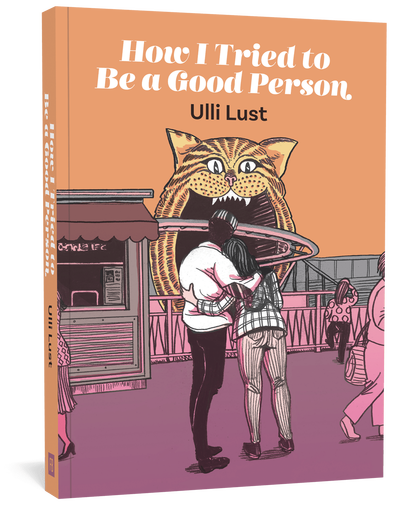
Goethe Pop Up Seattle is a German cultural exchange of sorts based out of the fancy Chop House Row on Capitol Hill. Tonight, the temporary shop welcomes both Zak Sally, a musician reading from a book about traveling around the country on a forged Greyhound bus pass, and Berlin-based cartoonist Ulli Lust. Lust's latest comic — published in America by Fantagraphics under the title How I Tried to Be a Good Person — is an unflinching comic book memoir about being young and lusty and experimental and also willing to take a tremendous amount of abuse in the name of love.
Person is the kind of memoir that begs to be described as "daring," or maybe "unflinching," or perhaps "tense." Lust describes her youthful explorations into relationships with tremendous candor. She admits to feeling dissatisfied that her lover's penis is too small ("It's taboo-- one of those things a woman can never say to her man") and she explains her polyamorous lifestyle with a nonchalance that Puritanical readers are sure to find upsetting.
But it's when Lust enters into an affair with a Nigerian immigrant named Kim that the book really feels fraught. Kim is Black and Lust is white, and everywhere they go in public, they are judged: Kim endures racism and Lust is labeled a slut. But Kim is not a heroic figure in the story: he's depicted as jealous and violent, gradually ramping up his verbal attacks into something more physical. A few sequences are so, yes, daring and unflinching and tense that readers will feel a growing ache in the pit of their stomach as they approach the end of the book. It's not a memoir about abuse, or a memoir about race, or a memoir about sex and gender dynamics — though it is certainly a memoir that touches on all those things.
As a cartoonist, Lust is clear and expressive and intelligent. The book is printed in shades of black and white an pink, putting the focus directly on Lust's confident pen strokes. There aren't many lines on the page, but every line is just the right one.
Look: not every memoir needs to be harrowing in its honesty. And many honest memoirs are interminable to read. But Person is a highwire act of a book, a story about the complications of youth and the way they prepare us for an ever-more-complex future.
Goethe Pop Up Seattle in Chop House Row, 1424 11th Ave, Suite 101, https://www.goethe.de/ins/us/en/sta/gps.html, 7 pm, free.
The Sunday Post for July 14, 2019
Each week, the Sunday Post highlights just a few pieces of longform writing that we loved reading. Settle in with a cup of coffee, or tea, if that's your pleasure — we saved you a seat! Read an essay or an article online that you loved? Let us know at submissions@seattlereviewofbooks.com. Need more browse? You can also look through the archives.
The Cost of Reading
There have been so many angry essays by women in the past few years, and because I am a woman who is often angry, I try to take care, try not to populate every Sunday with frustration.
Ayşegül Savaş is worth pushing my self-assigned quota. This piece about women and men and time and success is astonishing, especially because it so rarely voices emotion directly, and yet carries strong emotion in every paragraph.
It is about books, and who tells the story of what should be read, and who tells the story of what matters. And it is about love, and family, and finally about who is willing to pay for what.
In my childhood, my father was very strict about assignment deadlines he gave me and my brother: memorizing poems, writing essays, drawing maps from memory. He was very strict about time in general; being late was among the worst possible sins. Alongside the lesson of promptness, I internalized a dread of wasting my father’s time.
When my father left for work trips, time in our household suddenly expanded. There were no deadlines, no family meetings to discuss important topics. We could often sweet-talk our mother into letting us stay up late or skip some work we had to do, or walk our dog while we slept in.
What had we internalized about our mother’s time?
Frank Chimero on causing 'good trouble'
Katy Cowan interviews designer Frank Chimero, who promptly takes the air out of a lot of damaging ideas about achievement and status and creativity. What’s nice about this is that deflation isn’t erasure — Chimero isn’t flattening anything, he’s just taking it down to a reasonable size.
Working writers, working designers, any other kind of working creator — we need to hear what Chimero has to say, and believe it.
I read once that hunting and gathering societies only work about 20 hours a week. Learning that got under my skin really bad. Wednesday is just as much a part of your life as Saturday, but you have to remind people of that. So in Frankball, there’s a lot figuring out how to pace projects and follow through on responsibilities with strength and quality, all while carving out time to play hooky. My life is going to be filled with just as many Wednesdays as Saturdays, and I would like to claim more than 2/7ths of my life for myself, thanks.
“I Did Not Die. I Did Not Go to Heaven.”
After his son Alex was gravely injured in a car accident, Kevin Malarkey published an account of Alex’s experiences with angels (and demons) when he was close to death. Now Alex claims it’s all a lie. A crazy and poignant account of what a book about heaven means to the family that published then recanted it, and a fascinating look at the world of Christian publishing.
“As Christians, we believe in miracles and believe in angels, but you have to make sure the source is credible,” said Vander Zicht, who retired from Zondervan last year after 33 years. As an editor, she says, she vetted spiritual accounts by whether they came through a reputable literary agent, and by talking with authors to get a gut sense of their trustworthiness; occasionally she asked theologians to assess books for biblical correctness. She said she wouldn’t have rejected a heaven story out of hand.
Whatcha Reading, Laura Knetzger?
Every week we ask an interesting figure what they're digging into. Have ideas who we should reach out to? Let it fly: info@seattlereviewofbooks.com. Want to read more? Check out the archives.

Laura Knetzger is a a Seattle-based illustrator, artist, author, and comics creator. Her ongoing comic series Bug Boys is being published in February of 2020 by Random House (yay!). On this very site you can read her review-by-comic of The Artist's Way, and a wonderful jaunt into Half-remembered stories. She's a great follow on Twitter, and if you want to support her work, she has a very reasonable Patreon ($3 a month!).
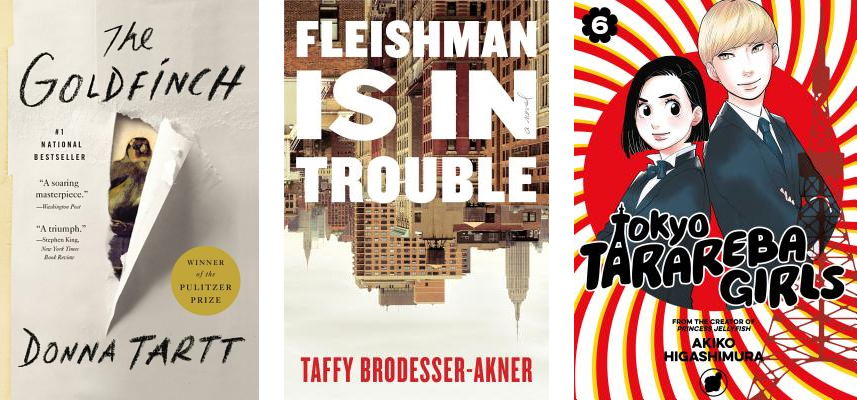
What are you reading now?
The Goldfinch by Donna Tartt. It’s written very beautifully, which is great but sometimes out of place coming from the first-person narrator, who is a shit-head teen for a big part of the book, and I find it hard to believe he would really be thinking about the delicate play of morning light on a painting. This book is written in what I call “Novel Style,” where everything is described in very pretty language, even when it doesn’t really suit the scene or character’s voice. It’s kind of like calling a move “Oscar Bait.” I’m still really enjoying The Goldfinch, I’m about 500 pages in and barely noticed the pages turning.
What did you read last?
Fleishman is in Trouble by Taffy Brodesser-Akner. I found it really engrossing and terrifying, but also cathartic. It’s about a divorcing couple, mostly told from the point of view of the husband, but it has this fascinating framing device of being narrated by a friend of the couple who is a frustrated writer. In some places there are multiple levels of unreliable narrators in play, in which characters are lying or minimizing their faults to the narrator, who’s telling it to the reader filtered through her own biases. The reader gradually gets the big picture of a husband with a martyr complex and a wife who has obscured her real self to the point of imploding. If this sounds overwhelming and stressful, it is. This book is practically an Ari Aster movie. I loved it.
What are you reading next?
Tokyo Tarareba Girls #6 by Akiko Higashimura. It’s on hold for me at the library and I’m excited to go pick it up. This comic series is about a trio of early-30s women who become obsessed with getting married before the 2020 Tokyo Olympics. It’s funny and incredibly ruthless. The characters are constantly stacking up their successes and failures and asking themselves: do I deserve to be loved? Did I do enough to get it? But there’s no judge who will tell them yes or no, they have to find it for themselves, but they can’t. The women lean on each other in times of distress but constantly blur the line between numbing their wounds and picking at them.
The Help Desk: Buried in Books
Every Friday, Cienna Madrid offers solutions to life’s most vexing literary problems. Do you need a book recommendation to send your worst cousin on her birthday? Is it okay to read erotica on public transit? Cienna can help. Send your questions to advice@seattlereviewofbooks.com. This is a re-run from April of 2016.
Dear Cienna,
My husband died. It was a few years ago, so the shock is over and I’m used to the idea of living my life on my own — I keep busy and have lots of friends and hobbies.
But his library, I just can’t face. He was a scholar, and his discipline was very narrow, so it’s probably one of the best libraries on his subject in the world, some 400 volumes collected over his 50-year professional career.
A few of his colleagues have dropped hints, and I know I could sell the whole collection, or donate to a library (I’ve gotten nice sympathy notes from his undergraduate and graduate alma mater, and also the University where he spent his career).
But Cienna — this seems more him than anything else. More than the smell on his old sweater, or the memories. This is where he invested himself, what he truly loved. How can I just let it go?
And yet, how can I keep it? It’s selfish for a single woman to keep such a resource hidden away. I go and dust them every few months, but I never read. What should I do?
Broken in Bellingham
Dear Broken,
You can’t rush grief. When my grandmother passed away, the chair she died in remained in our living room for seven years before we finally burned it. Conversely, when my dad died, I left his ashes in a dog crate in the back of my Subaru because I didn’t want him in my house or fucking up the upholstery in my car. I’m sure some people found the former display creepy and the latter callous; fortunately, most people are aware that telling another individual they’re grieving wrong pegs them lower than a snake’s butt in the animal kingdom of assholes.
It’s not selfish to want to preserve and cherish your husband’s life’s work. There’s nothing wrong with keeping his library for a few years or the rest of your life. If his colleagues would like to use it, and you feel comfortable giving them access to your house, you can work out a case-by-case agreement to let them visit his library in your home. If that doesn’t appeal to you right now, give yourself permission to leave it alone and maybe revisit the question again in a few years.
And if his colleagues are bold enough to continue to drop hints about the future of his collection, just politely mention you’ve been having very vivid dreams about burning their houses to the ground, house pets and all. I’ve found this is a great way to stop unwanted conversations in their tracks.
Kisses,
Cienna
The Portrait Gallery: Lisa Taddeo
Each week, Christine Marie Larsen creates a portrait of a new author for us. Have any favorites you’d love to see immortalized? Let us know
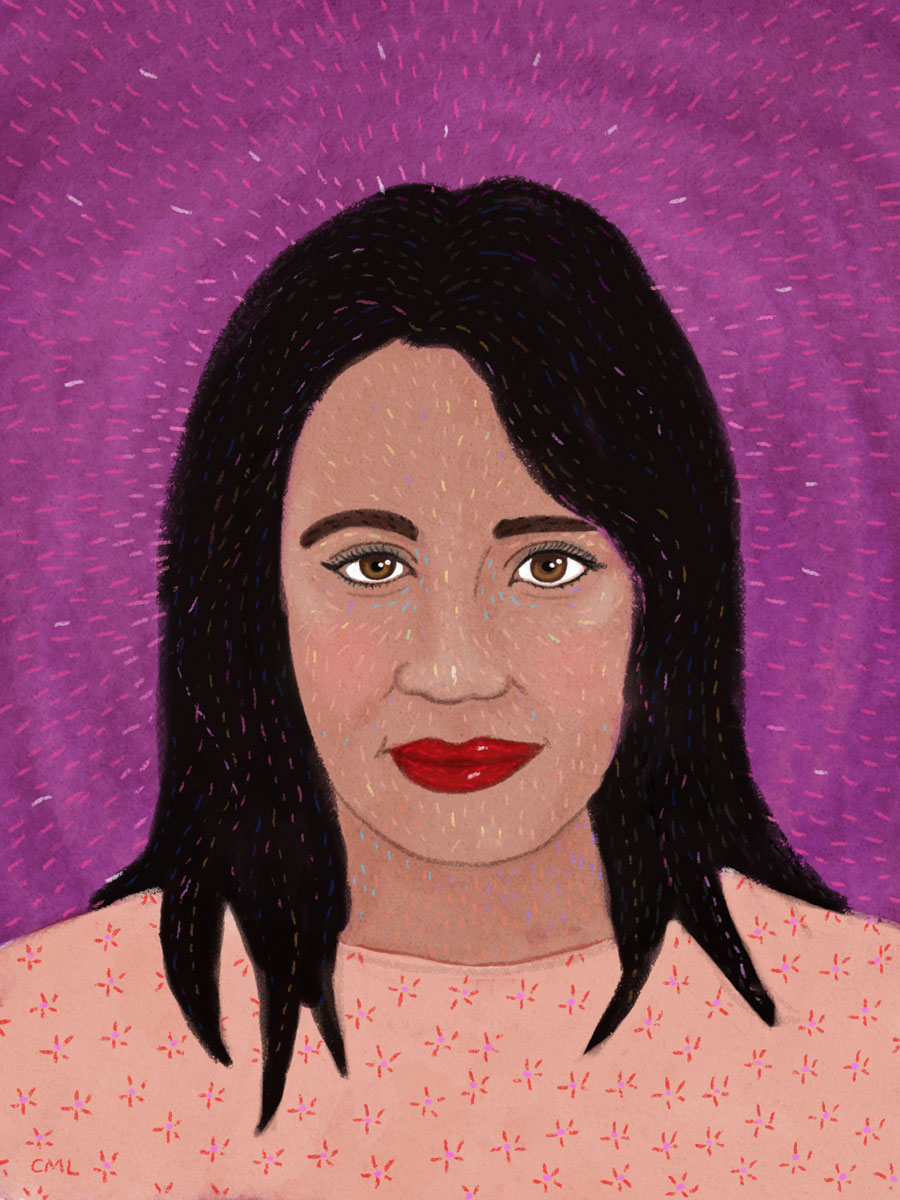
Friday, July 12th: Three Women Reading
Lisa Taddeo’s new non-fiction book is a frank exploration of sex in the lives of real American women. It’s the buzziest new book of the summer, by my estimation, and nothing else even comes close. Taddeo was inspired by the journalism of Gay Talese, and Three Women reads like that, only without the creepy patrician vibe of Talese’s books. The author will be in conversation with Seattle writer Claire Dederer. Elliott Bay Book Company, 1521 10th Ave, 624-6600, http://elliottbaybook.com, 7 pm, free.
Kissing Books: Summer murders
Every month, Olivia Waite pulls back the covers, revealing the very best in new, and classic, romance. We're extending a hand to you. Won't you take it? And if you're still not sated, there's always the archives.
Now that we’ve reached the height of summer, the long string of brilliantly sunny days, of course I’m thinking about murder.
There are plenty of overlap subgenres in the spectrum between romance and mystery: the lush and atmospheric Gothics, adrenaline-fueled romantic suspense, long cozy mystery arcs with a pair of sleuths who slowly fall in love across several books (Lord Peter and Harriet, Phryne and Jack).
And the point where all these genres connect is: trust.
Mysteries are built around the breaking of trust: secrets hidden and revealed, lies told, the sundering of the social bond where we constantly, implicitly trust one another not to just pick up a knife and start stabbing. The body in a murder is the symptom of rupture, and it must be dealt with: we must find out specifically who is untrustworthy, so we can go back to the comfort of being able to exist in the world without fearing one another. I often think about the aftermath of mysteries, the families and towns whose most devastating secrets have been laid bare to the eyes of strangers, the police, and the public. Some little old lady sleuths hit the landscape like a rocket and leave smoking craters in their wake (looking at you, Miss Marple, you absolute horror).
Romance, too, is about trust, though admittedly in a more positive way. Heroes and heroines learn to let go of their fears, to let their guard down, to open their hearts. It makes for a natural pairing with a whodunnit, which tends to make everyone less and less trustworthy until the final a-ha. Add to this the many times and places when there were laws against certain kinds of love relationships — such as, for instance, 19th and 20th century England, with Sherlock and Marple and Poirot and all the classic detectives of the English mystery tradition — and the origin of certain unfortunate clichés becomes clear.
Queer villains make a certain amount of sense when being queer makes one automatically a criminal.
What’s interesting is how reader trust works in romance versus how it works in mystery. Mystery authors aren’t trustworthy. You know they’re pulling a fast one, leading you down wrong paths, seeding the text with red herrings, obscuring the real killer as long as they can. You never really trust someone, mystery writers say. For enough money or love, people will do any number of criminal things.
Romance does the opposite. You know, positively and irrefutably, that the main characters will end up not only surviving the book, but existing happily together. You know they can’t be the killer — not the capital-K-Killer, though they may and often have killed in the past for the noblest of reasons — because that would make it a tragedy, and any romance author worth their salt would never.
So it becomes a rather complex bit of footwork, to show two characters slowly learning to trust one another, while everyone else around them grows more and more shady and suspicious. Two threads of tension, creating friction between them and occasionally knotting tight. Gothics, of course, push this nearly to the last page, like tightrope walkers working without a net. I find myself drawn most toward the cozies, your amateur sleuths and house party murders and small villages with awful mortality rates and overworked, eagle-eyed detectives. I like the puzzle-box aspect of solving a crime, without the looming dread and sexual threat that seems to accompany so much romantic suspense. (If I never read another scene in Creepster POV where a serial killer lusts after the heroine, I could die happy.)
This month’s books go heavy on the m/m: one midcentury mystery, one Prohibition paranormal, and one pair of contemporary baseball teammates. We’ve also got the best f/f sci-fi romance I know of, and a brand-new masterpiece that has really upped the bar for my expectations of gangster heroes in contemporary romance.
You know they’re gonna be good. You can trust me.

Hither, Page by Cat Sebastian (self-published: midcentury m/m):
There is a moment some ways into this queer murder spy-and-doctor mystery romance, where our spy (Leo) and our doctor (James) are having dinner and trying to understand one another. Leo is prevented from telling James the facts of his past (that Official Secrets Act is such a downer sometimes), but James only says that they can easily describe themselves without resorting to trivia. “I like to be useful,” he offers, as an example. Leo, meanwhile, struggles to do this, because he has spent so many years and so many jobs pretending to be someone he knows he’s not. It’s a lovely moment of mingled tension and introspection, a grace note to sweeten all the murder.
This is not a puzzle-box mystery, for those who like to be led into a twisty, deliberately crafted maze of a murder. There are more red herrings than not-red herrings, and the reader is tormented by characters obliviously waving around an absolutely key piece of evidence for a hilariously long number of pages. But the solid sense of place, a tight-knit community riddled through with secrets, a nation recovering from the trauma of not one but two world wars, that palpable miasma of what desperate people will do to one another when they feel their backs are against the wall … that we have in spades, as well as two suffering, struggling protagonists who are far kinder to one another than they are to themselves. If you’re in the mood to spend some time in the byways of Murderville, England (I’ve been visiting for months now), there’s nothing better than this.
James wanted his house to be a safe place he could have a life with someone. He hadn’t said as much, but it didn’t take a mind as sharp as Leo’s to figure it out. This house only made sense if there were someone to share it with. There was a superfluity of furniture, for one: an extra chair by the fire, too many hooks by the door, a bed too large for one man. Even the wardrobe had all the hangers pushed to one side, as if waiting for another person’s coats and trousers.

Winterball by Holley Trent (self-published: contemporary m/bi m):
Summer always puts me in the mood for baseball romance, and this short and snappy treat comes complete with Holley Trent’s signature snark and sizzling kink. Bart is an aging catcher with aching knees; his days in the majors are long gone, and his days in the minors are soon to follow. Evan is a hotshot young pitcher on the rise, gorgeous and cocksure (in every sense of the term), but high-strung as a trained thoroughbred. He’s come to depend on Bart’s cool control on the field, and lately he’s started to think that maybe that cool control might be what he needs in the bedroom as well. Bart, meanwhile, keeps his overwhelming lust for Evan on a tight leash because he doesn’t hit on (supposedly) straight teammates. When a weekend at an invite-only kink ball finds them paired up and sharing a room (it’s Romancelandia: roll with it), we get to see them finally making good on all the growly innuendo and filthy eye-fucking.
I started out writing novellas, and used to joke that I plotted those books all the way from A to B. This story is just like that: it knows what it needs to do and wastes no time doing it, like a good fastball with just the right amount of heat. Bart is the kind of grouchy, tired older hero I’m always instinctively rooting for (see also: S.T. Maitland from Kinsale’s Prince of Midnight), and Evan’s irrepressible brattiness adds a nice levity, like the twist of citrus in a well-mixed cocktail.
He didn’t know about all men, but Bart was certainly pushing all the right buttons. What Bart had said about who Evan belonged to might have been said as a tease, but Evan wished it were true. He did want to belong to someone. Not just anyone, but his catcher. Bart would never drop the ball on him.

Trashed by Mia Hopkins (self-published: contemporary m/f): At times such as these, reading a book like this, it feels important to choose words with care. The word I most want to use about this absolute masterpiece of a contemporary romance is: visionary.
Mia Hopkins has gifted us with the story of a good girl chef, Carmen, and a bad boy gangbanger just out of prison, Eduardo “Trouble” Rosas. They shouldn’t want anything to do with one another, but they keep coming back for more, though they can’t quite say why. I am excessively picky about my gangster hero’s, but Eddie is easily the best one I’ve ever read, hands down, bar none. He’s not romanticized or whitewashed or fetishized in the way such heroes often are: he participated in a bad system, and he has to cope with the consequences and the trauma and the fallout. The story is careful at first, slotting characters and stakes into place one at a time, keeping the reader hooked with evocative descriptions (for instance: a gang leader’s grey Monte Carlo sedan pulling up to the curb “like a lazy shark”—the writer part of me writhed with wishing to have written that).
About halfway through—at least, that’s when it happened for me—all those shiny, colorful bits come together and what looked like fragments of shattered glass become a whole rose window, deliberately laid out and brilliant.
And you go breathless with awe.
This is a book that delves deep into our need for community and what that makes us do for and to one another. It’s the same question The Good Place asks so insistently: What do we owe to each other? We see the trials and temptations of gang affiliation and prisons, but also the systemic damage wreaked by gentrification. We see the strengths of good communities: tight-knit neighborhoods and family and friends and communal gardens and small local businesses and well-run kitchens. The people we’re closest to can hurt us the most, but they’re also the ones who make life worth living at all. This book is about people banding together to solve problems that would overwhelm any one person—it’s about putting together a future by refusing to let the evils of the world beat you down. And to see a book this focused on connection, but which also keeps the reader entirely inside the hero’s head is kind of … kinky? It’s like the author’s using POV like a set of leather restraints: not being able to move away from Eddie’s perspective magnifies every sensory detail of his experience. His laconic, introspective voice is quiet but potent. We fall in love with Carmen because Eddie can’t help but love her. In his vision, she glows like a star.
This is not always an easy read. There are abuses past and present, moments of genuine, searing pain. Eddie fucks up a lot, trying to keep his balance in the whirlwind, and the ending chapters are one punch to the gut after the other. And then, at the end of the fight, when you’re splayed out on the concrete and the rain is washing the blood thin and you think you can’t make it one second longer … the sun breaks through, and the light rushes in, and your chilled heart blooms with the warmth.
Don’t miss this one, folks.

Spellbound by Allie Therin (Carina Press: historical m/bi m):
In my youth, one of my favorite books was Patricia C. Wrede’s Mairelon the Magician: in Victorian London, an orphan girl dressed as a boy gets taken up by an aristocratic magician accused of a theft he didn’t commit; together, they solve the theft, prevent a great magical crime, and begin the orphan girl’s magical training. (The less said about the romance between the two in the sequel, the better—it was fun when I was sixteen but now that I’m closer to Mairelon’s age I find myself appalled.)
This book is like the queer, age-appropriate, New York Prohibition-set version of that and I am so delighted I could shout. With the added bonus that our upper-class hero, Arthur, so confident and privileged and strong, has no magical talent whatsoever.
Meanwhile our urchinish Rory, struggling and suspicious and vulnerable, has immense magical gifts he’s only barely learned to control, and a smart mouth that doesn’t hesitate to tell anyone to fuck off when he feels cornered. It goes a long way to smoothing out the power imbalance between the two. Meanwhile we’ve got historic New York, marvelous side characters, and a real magical threat that needs to be stopped. It’s textured but not terribly complicated, just the kind of historical fantasy sparkler that I adore the most. Perfect escapism for lazy summer days by the water, or long trips, or to read by a fire in the middle of the woods.
Rory was suddenly angry. “Now you’re the one talking crazy. You’re so convinced you gotta be alone, I bet you don’t let anyone try.”
“You don’t understand —”
“If you took a chance, if you let people in, there’d be a war for you,” Rory said hotly. “I’d fight an army if—”
If I thought I could have you. He snapped his mouth closed before the rest of the sentence escaped. Geez, he had to shut up.
This Month’s Queer Disabled Heroine of Color (In Space!)

Ascension by Jacqueline Koyanagi (Prime Books: science fiction f/f):
I swear I thought I’d told you all about this book before. I know I wrote a whole big thinky essay about it, which then to my utter surprise and delight got included in this anthology. I mention it on Twitter whenever I think about sci-fi romance, or disability in romance, or queerness in romance, or queerness in science fiction, or poly relationships in romance and science fiction. It is a profoundly good, profoundly queer, thoughtful portrait of women and others falling in love with one another and also starships. It asks hard questions about the body and the soul, and what kinds of sacrifice are good and which are villainous or catastrophic. It does all this while being an absolute ton of smart, gorgeous fun.
It is a perfect book and why are you not reading it right now? Alana Quick is a starship mechanic with a chronic pain disability: her need to be attuned to her body and its fluctuating health means she has an edge diagnosing problems with ship systems and engine malfunctions. There’s something almost literally magical about the way ships and machines are discussed in this story, and it hits that perfect glowy space opera sweet spot even as it’s being utterly devastating about illness and the inevitability of death. I’ve never felt so hopeful about the hopelessness of existence than I was at the end of this book. Ordinary human mortality somehow came to feel like a moral triumph. It’s a total rush, a necessary punch to the gut, a book that will haunt you long after you close the last page.
Dirt doesn’t feel right on the heels of someone born to be in the sky.
Thursday Comics Hangover: Girlfriend no more
Back in the 1950s and 1960s, DC Comics published a comic with an unfortunate title: Superman's Girl Friend Lois Lane. Pretty much every story in SGFLL featured Lois Lane trying to trick Superman into falling in love with her, either by making him jealous or by bewitching him through some ancient spell or some other unnatural mechanism that would invariably backfire. In retrospect, these stories read either as dunderheaded commentary on gender relations in the middle of the 20th century or a kind of misplaced camp that's wrongheadedly hilarious.
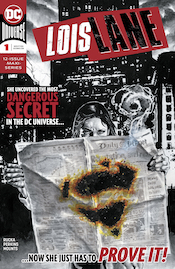
Last week's relaunch of the Lois Lane comic, this time smartly titled just Lois Lane, actually gets to the core of what's interesting about the character. Lois Lane's superpower is journalism. She's the best reporter on the planet: dogged, resourceful, willing to do anything to tell a story that brings a bully to their knees. That's a lot more interesting than the story of a lovelorn obsessive who keeps trying to manipulate a man into loving her.
Written by Greg Rucka and illustrated by Mike Perkins, Lois Lane's first issue revolves around a conflict between Lois Lane and the White House on the topic of privatized family separations. I can't imagine a monthly comic feeling any more relevant than this one does right now.
Rucka has proven to be incredibly gifted at creating elaborate plots and condensing all that nuance down until it fits inside a word balloon. Ten pages of a Rucka script contains something like forty pages of your standard monthly comic, and it never feels overstuffed or poorly paced. And Perkins keeps up with Rucka here, capturing (somewhat) normal people in (somewhat) normal situations.
Lois Lane is a comic for the Trump era, a comic for the collapse of local journalism, a comic for people who love smart comics. It's everything a Lois Lane comic should be.
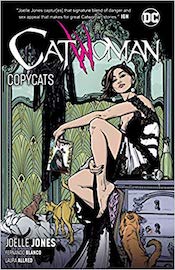
Meanwhile, over in Batman's part of the universe, the first few issues of a series featuring recent Bat-love interest Catwoman has been collected in paperback form. Catwoman: Copycats shares some of the smarts and the serious consideration of the character with Lois Lane, only in a more classic superheroic frame.
Written and drawn by Joëlle Jones, this Catwoman is chic and pensive and more than a little haunted. The book picks up just after the character's wedding to Batman fell apart in the main Batman title, and it finds Selina Kyle deep in a quest for reinvention. The fact that her first antagonist is funding an army of Catwoman lookalikes only makes that internal quest more compelling.
This is good superhero noir, and Jones keeps it stylish and compelling the whole way through. Jones is only at the beginning of what I hope will be a long career in the comics industry. This Catwoman is kinetic and clever, and it suggests that Jones might have an aptitude for a slick espionage series in her near future.
In the meantime, I would love to read a crossover between Rucka and Perkins's Lois Lane and Jones's Catwoman. I expect these two incarnations of these two characters would hate each other even as they developed a deep and abiding respect for the others' expertise. I would devour that super-team up in a second.
Mail Call for July 10, 2019
The Seattle Review of Books is currently accepting pitches for reviews. We’d love to hear from you — maybe on one of the books shown here, or another book you’re passionate about. Wondering what and how? Here’s what we’re looking for and how to pitch us.
Lunch Date: A meal of militias and meat
Once in a while, I take a new book with me to lunch and give it a half an hour or so to grab my attention. Lunch Date is my judgment on that speed-dating experience.
Who’s your date today?
Shadowlands: Fear and Freedom at the Oregon Standoff, a non-fiction account of the Malheur uprising by poet Anthony McCann.Where’d you go?
Odinstar Smoked Meat Sandwiches, a food truck that gets around the greater Seattle area.What’d you eat?
I had the Dave's Way, a brisket sandwich ($13) with a side of jo-jo's ($5).How was the food?

Delicious! I was very excited about a new smoked meat establishment in Seattle (Martino's, I miss you every day) and I think Odinstar is a worthy continuation of that proud tradition. The Dave's Way had a great meaty and smoky flavor, and it held up well — it didn't fall into a pile of wet crumbs as I devoured it. But I would've liked the sandwich to be a little more sprawling than the small-but-tall square that Odinstar serves. It's a generous portion of meat, but it's tightly packed onto two small pieces of bread. I have to say, the jo-jos were, surprisingly, my favorite part of the meal: crispy on the outside, fluffy on the inside, salty and deeply satisfying without being too oily. I don't like ranch dressing ordinarily, but the housemade ranch was a great accompaniment to the fried potatoes.
What does your date say about itself?
It's a non-fiction account of the occupation of the Malheur National Wildlife Refuge by armed right-wingers. Because a Maggie Nelson blurb is enough to convince many of you to read a book, here's Maggie Nelson's blurb:The story Shadowlands tells is compulsively fascinating, and an excellent microcosm by which we might better understand our difficult national history and distressing political moment. McCann's magnificent prose, ever-questing intellect, wry humor, and uncommon empathy for human and non-human forms of life alike make Shadowlands a truly rare and stunning achievement.
Is there a representative quote?
Here's a bit after McCann thoroughly debunks some of would-be militia man Ammon Bundy's thoughts about nation and sovereignty:That is not at all how Ammon understands that sacred document he carries in his shirt-front pocket; but, in engaging in a part-willful, part-inadvertent misunderstanding of American history, Ammon Bundy is far from alone. Contemporary American life is full of such misunderstandings. We might ask how it is that Alexander Hamilton, a man who despised the rabble and their democracy and made it his life's work to centralize financial, political, and military power in the hands of an elite financier and governing class, came to be the hero of a tremendously popular hip-hop musical. Or consider how the contemporary Tea Party, dedicated to the idea that America was founded on opposition to "big government and taxes, has loved tot rot out images and impersonators of George Washington at any opportunity. This despite the fact that Washington famously saw among the greatest immediate purposes and achievements of the Constitution — aside from its creation of federal power capable of crushing populist rural insurrection — the authority it gave the new federal government to levy and collect taxes directly from the American populace. The Constitution has long been an object of fantasy. As with any holy scripture, we are all able to find support in its pages for whatever we want to think. Americans have been doing it almost since the ink was dry.
Will you two end up in bed together?
Look, I'm glad this book exists. I'm glad that smart people are contextualizing this moment in history. But I just can't read this book right now. I can't read over 400 pages of a smart writer of beautiful sentences dedicating himself to the Bundys.I know there are those who argue that this moment in time requires intellectual rigor and precision of language from the American left. Some people think that it is the left's duty to publicly dismantle the arguments of people like Bundy.
I disagree, because people like Bundy aren't actually interested in the argument. They just want to create chaos and then sit back and watch that chaos create even more chaos. You can't argue with Ammon Bundy, because the minute you engage him in an argument, he's already won. The man is a traitor and a criminal, and to give him this much thought and attention is a legitimization that I don't believe he warrants. His goal is to burn everything down, and you can't reason with fire. You can only fight it.
There's a reason why right-wingers love to demand public debates. It's the same reason that right-wingers wail and gnash their teeth whenever they're de-platformed: they know that if they get their message out in legitimate platforms, a few unstable folks will latch onto that message. That's how it spreads. McCann approaches this topic with what I believe to be the best of intentions. But I think his arguments are essentially useless. The best way to respond to Bundy is to call him what he is and refuse to carry and promote his message for him. I'm not going to give him 400 pages of time and space in my life.
That said, if you're looking for a book about the Malheur occupation, this is probably your best bet. I sincerely hope you enjoy it.
At Push/Pull, a community is coming together to build a better future for Seattle artists
At the beginning of this month Push/Pull, the beloved Ballard art gallery/zine shop/weirdo art community/event space, put out a call for help. On a GoFundMe page, Push/Pull organizers admitted that though the gallery is "going strong this year," the organization's first few lean years left them "behind on paying our taxes." Though Push/Pull was in talks with Washington state to set up a payment plan, they suddenly discovered that the state "had withdrawn all of our money out of our checking account," leaving Push/Pull unable to pay this month's rent.
In a matter of hours, the community came together and raised the $6000 that Push/Pull needed to survive. "We did meet the goal of our campaign and paid rent without our landlords noticing anything, which was all good," Push/Pull Director Maxx Follis-Goodkind told us over email. Additionally, Follis-Goodkind says, Push/Pull "paid off the oldest of our tax debt to the state and should be able to manage the rest."
It's a happy ending, but it's not the whole story. "Essentially, our business is doing OK now," Follis-Goodkind explains, "but hasn't been making quite enough surplus to catch up to when we weren't doing OK." The six thousand dollars raised in the GoFundMe, she explains, "was about half of the debt we had, so extra funds are still going directly to that."
Seattle is a virtual graveyard of failed attempts to create artistic communities. Push/Pull is a rare success story — a community of cartoonists and artists and zinemakers and assorted freaks and nerds and romantics who came together to claim a piece of Seattle as their own. "When we opened in Ballard, almost 4 years ago now, we had one modest rack of artist published comic-zines," Follis-Goodkind says. "Now we carry hundreds of indie comics from all over the world. At our board meetings we talk about being not just a part of the local community, but also being a part of the global community."
She says Push/Pull has achieved relative stability through an equal mixture of "careful planning" and "jumping into the unknown."
During Push/Pull's first two years, Follis-Goodkind explains, "our monthly sales rarely, if ever, reached a 'sustainable' point." Most entrepreneurs, she thinks, "would have abandoned things" during those first lean years.
But by tinkering with commission rates, acquiring small loans, and figuring out the right mix of art classes and events, the gallery began to find its people. By Push/Pull's third year, she says, "things started to dramatically turn around. Partnerships with Emerald Comics Distro, Silver Sprocket, and other community leaders has been a key to building the support system that we needed," and as a result "we finally achieved the magic number we needed to break even with sales last year."
This year, Push/Pull's sales will likely surpass its expenses. But nobody's making millions off the endeavor, Follis-Goodkind warns. "We still don't have paid employees and if we did, we wouldn't be here. Artists are members and work the desk because they are committed to the mission," she says. It's a co-op model that requires volunteers to keep the lights on — a virtuous cycle of artists helping artists.
"It sounds discouraging, but at the same time I've been able to work full-time in arts since the beginning of the year, directly due to my work at Push/Pull," Follis-Goodkind says. "We've also had many success stories for artists that have been and currently are members."
So though the crisis has been averted, Follis-Goodkind says, Push/Pull would welcome your contributions to the GoFundMe. "Anything else we raise will go to the debt and helps us stabilize. We'll get started on a payment plan with the state next month and paying off more now means that we won't be quite so stretched thin," she explains.
But the rent has been paid, so "in the meantime, we're operating as usual," she says. Push/Pull is preparing for a fall launch of the first of seven titles from Push/Pull Press; the full program of classes and events is happening as usual, including a robust schedule of education for teens; and the usual mix of comics and art is available for sale.
At a time when arts organizations are struggling to keep the lights on, Follis-Goodkind says Push/Pull was "really amazed at the quick support that we got from the community" when the gallery sent up a warning flare. It was a real-life It's a Wonderful Life moment, when the community that Push/Pull fostered was more than happy to return the favor. After four years of consistent growth, the gallery is now preparing to build toward a more sustainable future.
After arrival
Published July 9, 2019, at 12:00pm
For years, Ted Chiang was the Seattle sci-fi community's best-kept secret. With his latest collection, Chiang proves that he's a master of short fiction.
Downpour
Because there’s a sparrow outside that appears to be dying.
Because I carry it with me, not the bird, but the emotion.
Because its feathers are wet, almost drenched.
Because not knowing what to do is my own purgatory.
Because nothing in the house is sugarcoated.
Because if you position yourself at the window you will see things
you don’t want to see.
Because there is a forest of coyotes and we keep finding the bones of fawns.
Because sorrow has embroidered itself beneath my ribs and I can’t unstitch it.
Because even when I’m wrapped in a blanket, I’m not warm.
Because we all keep dying.
Because it’s really not a bird, but our country.
Because the rain won’t stop, the rain won’t stop, the rain won’t stop.
Have a Hart
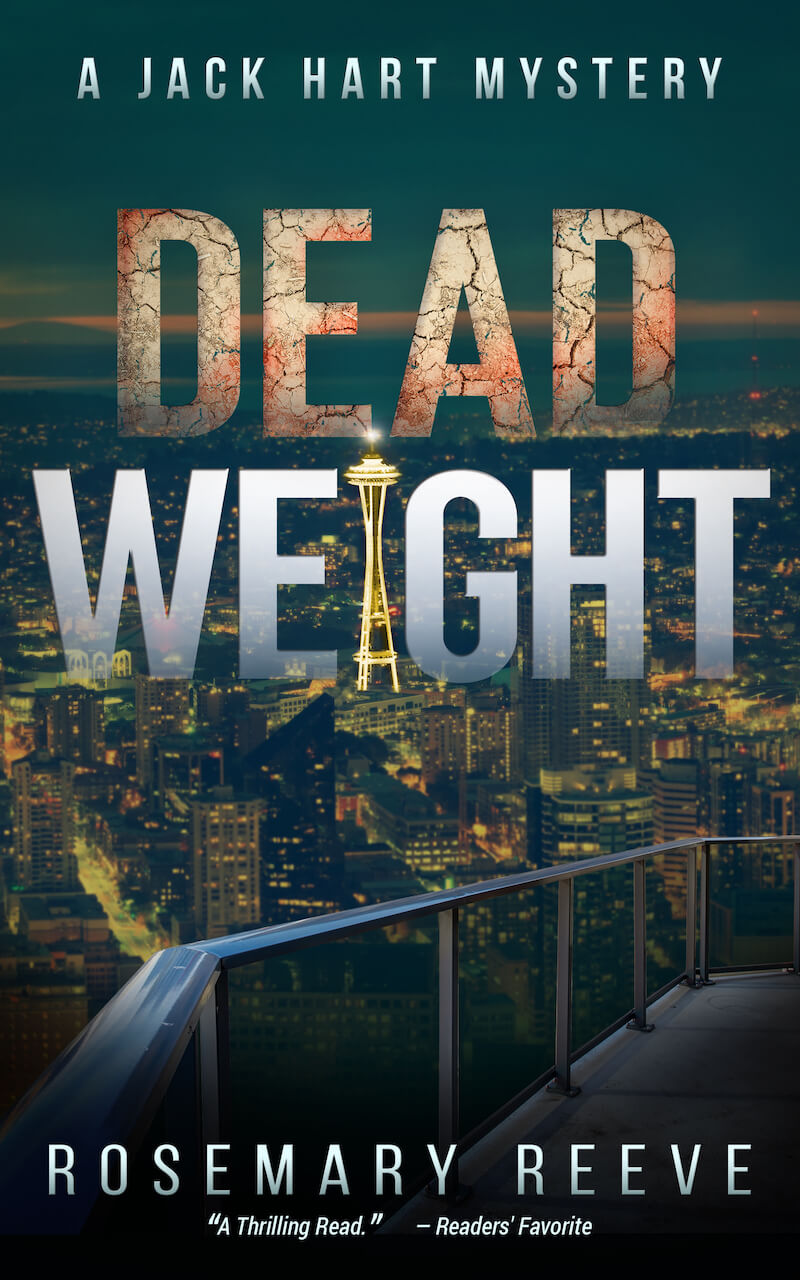
Our thanks to Rosemary Reeve for sponsoring The Seattle Review of Books this week — and for returning with the fourth in her irresistible Jack Hart series. Hart is a Seattle attorney out to do good. Why is murder always at his heels? That's what happens when you live inside a thriller, but it doesn't make things easier for our favorite Seattle lawyer. Jack just wants to do right ... but wrong seems to follow wherever he goes.
Check out chapter 1 from Dead Weight, which Reeve is generously sharing on our sponsor feature page this week only. Then pick up a copy here. Still need to catch up with this catchy series? The first book is out on audio, with the second to follow just in time for Christmas!
You're part of the best book city in the world, and we want everyone to know who you are. We've got just a few dates left this summer — nab one now and put your book, event, retreat, or class in front of our readers. We'd love to see you in this space.
Your Week in Readings: The best literary events from July 8th - July 14th
Monday, July 8th: Flash Count Diary Reading
If you like Maggie Nelson and you haven't read Darcey Steinke, what are you doing with your life? Her latest book is an exploration of menopause, on a personal level, but also expanding outward to a societal and even philosophical level. Town Hall Seattle, 1119 8th Ave., 652-4255, http://townhallseattle.org, 7:30 pm, $5.
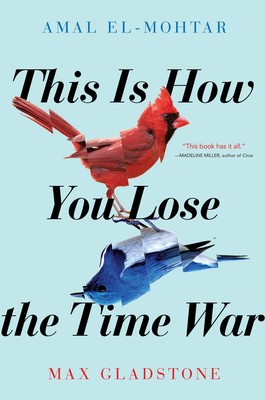
Tuesday, July 9th: Clarion West Presents Amal El-Mohtar
The sci-fi writing organization brings an exciting young author to town. El-Mohtar's brand-new novel (which she cowrote with Max Gladstone) is titled This Is How You Lose the Time War, and it's about two time-travelers from warring futures who eventually fall in love. Hugo House, 1634 11th Avenue, 322-7030, http://hugohouse.org, 7 pm, free.
Wednesday, July 10th: Shadowlands Reading
Poet Anthony McCann turns his attention to the right-wing militia occupation of the Malheur National Wildlife Refuge in his book Shadowlands: Fear and Freedom at the Oregon Standoff. Please note that this is not poetry, but McCann is a poetic writer, so expect some beautifully written non-fiction. Third Place Books Lake Forest Park, 17171 Bothell Way NE, 366-3333, http://thirdplacebooks.com, 7 pm, free.
Thursday, July 11th: The Media Is Dying
I'm hosting a panel with several experts discussing what to do when local news organizations lose their voice, local television stations are bought by right-wing propagandists, and other media organizations are going out of business. I hope you'll join us. Town Hall Seattle, 1119 8th Ave., 652-4255, http://townhallseattle.org, 7:30 pm, $5.
Thursday, July 11th: Bad Gateway Reading
See our Event of the Week column for more details. Bellevue Arts Museum, 510 Bellevue Way NE, 425-519-0770, http://www.bellevuearts.org, 7 pm, $5.
Friday, July 12th: Three Women Reading
Lisa Taddeo's new non-fiction book is a frank exploration of sex in the lives of real American women. It's the buzziest new book of the summer, by my estimation, and nothing else even comes close. Taddeo was inspired by the journalism of Gay Talese, and Three Women reads like that, only without the creepy patrician vibe of Talese's books. The author will be in conversation with Seattle writer Claire Dederer. Elliott Bay Book Company, 1521 10th Ave, 624-6600, http://elliottbaybook.com, 7 pm, free.
Saturday, July 13th: Hot Off the Press Book Fair
Dozens of local cartoonists gather for Fantagraphics Books's annual Georgetown street festival/book fair, with music and books and performance and much more. Contributors include Zak Sally, Peter Hoey, Kelly Froh, Marc Palm, Max Clotfelter, David Lasky, Megan Kelso, Sarah Romano Diehl, Brandon Lehmann, Patrick Moriarity, and Tom Van Deusen. Fantagraphics Bookstore & Gallery, 925 E. Pike St., 658-0110, https://www.facebook.com/events/462202421275903/?notif_t=plan_user_invited¬if_id=1561743277328014, 5 pm, free.
Sunday, July 14th: Queer Press Fest
Queer cartoonists and zinemakers bring their latest and greatest work to Ballard's greatest art gallery/zine shop. Participants include Kassandra Davis (Mockery & Vodka), Craig Hurd-McKenney (Headless Shakespeare Press), Hayden Stern (Bioluminator Studios), and Anne Bean from Emerald Comics Distro, who is cosponsoring the event. Push/Pull, 5484 Shilshole Ave NW, 789-1710, https://www.facebook.com/events/370222856914473/, noon, free.
Literary Event of the Week: Bad Gateway at Bellevue Arts Museum

It's a brave new world when the coolest art exhibit in Seattle is currently hanging at the Bellevue Arts Museum. Right now, BAM is hosting Bad Gateway, a celebration of Seattle cartoonist Simon Hanselmann's Megg, Mogg, & Owl series of comics.
Bad Gateway — the latest book in the series — continues the themes of Hanselmann's work: the heartbreak of youth and addiction and poverty, the complex ties of friendship, the challenge we all face to climb out of the pits of our own making. And Bad Gateway — the BAM exhibit — takes those themes and brings them to full, disgusting life.
This Thursday, Hanselmann will be in conversation with Ben Heywood, BAM’s Executive Director and Chief Curator. My interview with Hanselmann was the most fun of my entire career as a literary critic; he's entertaining and candid and freewheeling in a way that 99 percent of authors and cartoonists simply are not. I'd expect some of that energy in the onstage conversation tonight.
Hanselmann's work keeps deepening with each new Megg & Mogg & Owl book that he releases. What at first feels like a joke strip is quickly turning into one of the rawest, most complex portrayals of young adulthood that I've ever read. Imagine what would happen if Peter Bagge's Hate gradually turned into Requiem for a Dream and you have a vague idea of what to expect. And then imagine if the book spilled onto the earth in the hallways of BAM, and you'd have the Bad Gateway experience. Hanselmann is breaking boundaries that we never knew we wanted to be broken.
Bellevue Arts Museum, 510 Bellevue Way NE, 425-519-0770, http://www.bellevuearts.org, 7 pm, $5.
The Sunday Post for July 7, 2019
Each week, the Sunday Post highlights just a few pieces of longform writing that we loved reading. Settle in with a cup of coffee, or tea, if that's your pleasure — we saved you a seat! Read an essay or an article online that you loved? Let us know at submissions@seattlereviewofbooks.com. Need more browse? You can also look through the archives.
Border profiteers
It doesn’t take long to get to the creepy bits in Brendan O’Connor’s coverage of the 2019 Border Security Expo. There’s something inherently creepy about trade shows and conventions, I think. Compress any industry into a few thousand square feet (not good with spatial relations! readily admit it!), and you see all the sameness, all the bubble-ness of it. You also free it of its inhibitions.
Do that for border security and you get to the ugly pretty fast. O’Connor does a great job of telling the story of that ugliness — and calling out the stories that are used to hide it.
The vision of a hermetically sealed border being sold, in different ways, by Trump and his allies, by Democrats, and by the Border Security Expo is in reality a selectively permeable one that strictly regulates the movement of migrant labor while allowing for the unimpeded flow of capital. Immigrants in the United States, regardless of their legal status, are caught between two factions of the capitalist class, each of which seek their immiseration: the citrus farmers, construction firms, and meat packing plants that benefit from an underclass of unorganized and impoverished workers, and the defense and security firms that keep them in a state of constant criminality and deportability.
</p>
You could even argue that nobody in a position of power really wants a literal wall.
Politics is changing; why aren’t the pundits who cover it?
What matters most in a presidential election? What American voters value, or what institutional journalism does? (Yeah, I know, "who buys the most semi-legal Facebook ads, but work with me here.) Rebecca Traister on the reluctance of yesterday’s talking heads to catch up to today.
This is the suffocatingly grim reality: Even after the peeling off of a layer of the political media’s most prominent interlocutors during #MeToo — including Charlie Rose, Mark Halperin, Bill O’Reilly and Matt Lauer —television coverage of the 2020 election is still being led by men who have sketchy histories around gender and power. Even after a midterm season in which women — many of them women of color, some of them very progressive — won elections in historic numbers; even in the midst of a presidential crisis during which poor, black, brown, and immigrant communities have been made more vulnerable than ever, and have been brought closer to the center — finally — of left political engagement and activism; even given all of this, so many of the voices interpreting the events around us still belong to the guys who’ve been clumsily telling us what to think about politics for ages.
See also Rebecca Solnit, “Unconscious bias is running for president”: “I’ve just spent a month watching white male people in particular arguing about who has charisma or relatability or electability. They speak as if these were objective qualities, and as if their own particular take on them was truth or fact rather than taste, and as if what white men like is what everyone likes or white men are who matters.”
Masculine chaos
Do we need another takedown of Jordan Peterson? We do, if it comes from a one-time Peterson “addict.” Omer Aziz dissects his journey from respect to fascination to disgust, and how the narrative of who Jordan Peterson is, and who his followers are, altered along the way.
Maybe that’s today’s accidental theme: The owners of our cultural stories are shifting, and it’s terrifying for those who have told that story unchallenged for so long. It’s a battle of much more than words.
In the private whisperings of men across race and age, I have often detected a nervousness about past indiscretions which, in the cold light of the egalitarian morning, might be perceived as predatory from the women’s perspective. Rather than deal with its own issues, this male hysteria, in typically masculine fashion, externalizes them onto feminism, and has found its chief intellectual proponents in figures like Peterson. But the fear of reprisal is real and arises out of the revolutionary moment we are witnessing, one that is reconfiguring whose narrative lens is dominant, and from whose perspective we understand the story.
Whatcha Reading, Sarah C. Townsend
Every week we ask an interesting figure what they're digging into. Have ideas who we should reach out to? Let it fly: info@seattlereviewofbooks.com. Want to read more? Check out the archives.
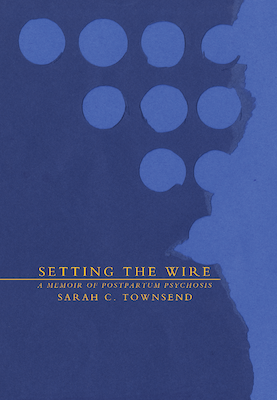
Sarah C. Townsend is a Seattle-area writer and teacher. Her book Setting the Wire: A Memoir of Postpartum Pyschosis was just published by The Lettered Street Press in April. She'll be appearing at the University Bookstore, 6pm on July 10th, in conversation with Alexandra Panic.
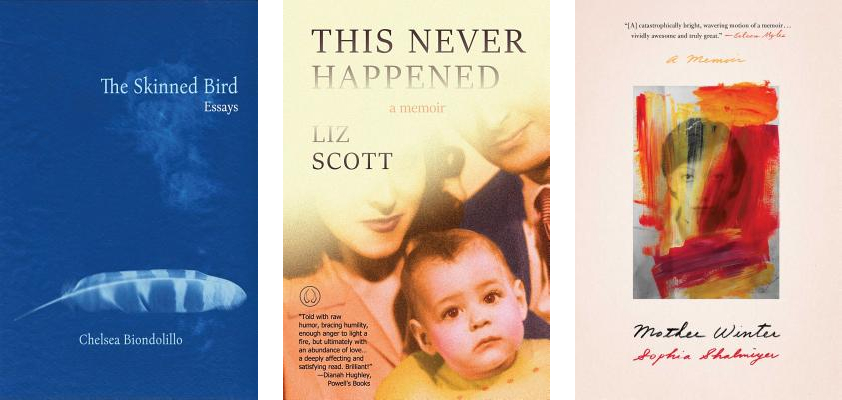
What are you reading now?
You’ve caught me in the midst of a love affair with recent books by Portland writers. Right now, I’m reading Chelsea Biondolillo’s lyric essay collection The Skinned Bird, in which she pairs the acquisition of song in birds with the imprint of early memory on human experience. An arresting collage of ornithological research, observations of landscape and relationship, photographs, and memories, The Skinned Bird is an exacting dissection of loss and relocation.
I admire the intimacy of this spacious book and its layered threading: “These in-betweens, these micro-geographies can be a welcomed respite…” Biondolillo’s careful arrangement is multimedia and interdisciplinary. With its detailed observation of the natural world and matters of the heart, The Skinned Bird leaves me feeling less alone.
What did you read last?
I’ve heard it said, “We read for voice.” This was certainly true for me when reading Liz Scott’s new memoir This Never Happened. The book found its way into my backpack, the car, and I carried it with me back and forth on the commuter ferry to Seattle. On more than one occasion, I had to muffle my own laughter. This Never Happened is a sweeping portrait of narcissistic parents told with candor, compassion, and a healthy dose of dark humor. Through short vignettes, letters, and family photographs, Scott attempts to puzzle out a dizzying relationship with her mother and abandonment by her father. The telling of this story demonstrates a tremendous capacity for empathy, which Liz Scott has put to great use in her more than forty years as a psychologist. I had the pleasure of having real life conversation with Liz Scott. Of course, I felt as if I already knew her. Liz has a new essay up at The Millions.
What are you reading next?
I’ve been saving Sophia Shalmiyev’s memoir Mother Winter to read next, anticipating its potent and poetic unfolding. The story of a motherless mother, Mother Winter promises to be “equal parts refugee-coming-of-age tale, feminist manifesto, and a meditation on motherhood, displacement, gender politics, and art.” I look to Shalmiyev as an intellect and with interest in her unapologetic experimentation with narrative form.
June 2019's Post-it note art from Instagram
Over on our Instagram page, we’re posting a weekly installation from Clare Johnson’s Post-it Note Project, a long running daily project. Here’s her wrap-up and statement from June's posts.
June's Theme: Support
These post-its were chosen by my sister—the sister who chose in January, unknowingly kicking off what would turn out to be my year of Triumphantly Making Someone Else Tell Me What To Publish. Back then, she had serious trouble narrowing her choices. There was a strong pull toward post-its about my divorce (sisterly mysteries), but post-its featuring herself also possessed an equal, very powerful intrigue (less mysterious; I’m sure we can all relate). Ever the problem-solver (in spirit, at least), I allocated those extras for June, her birthday month. The first post-it feels self-explanatory, but maybe other grown-up siblings actually don’t tuck each other into bed? I don’t know how you are with your sisters, but when we miraculously find ourselves in the same house at bedtime, I often tuck my sisters in. I have a special style that nods to classic tucking-in gestures while also being entirely my own. Furthermore, it’s adaptable; part of the fun is coming up with new and surprising riffs on the classic version. We all enjoy a measure of low-stakes creative challenge added to our daily routine, no? This is one where I really shine. It’s my natural aptitude for death anxiety conspiring with my last-one-to-bed insomniac vigilance, inextricably entangled in silly, sweet ritual because I am also gentle and goofy and a firm believer that we give up lots of lovely childhood norms for absolutely NO GOOD REASON. While other family members dabble in this game, I am indisputably its master and originator. My sisters wouldn’t remember, but I first did this as a kid for my grandparents, who found it more amusing than I expected. (Why did kid me go to bed later than the adults taking care of us??) On family trips my sister’s partner now finds himself in the crosshairs of our ritual ridiculousness. He inspires a straightforward, calmer approach; my sister, as you can see in the drawing, needs a bit more attention. She is an ACTOR, and you should cast her in everything good because she’s delightful and careers in the arts are TRICKY. Mostly I just know the world would be more fun if everybody got to see her work more. If you can’t cast her in your movie, feel free to buy some of my art instead—eventually we’re going to drag each other upwards, whoever gets a leg up first. Then everybody will be like, oh, did you know that actor and that writer/artist are related? THEY’RE ACTUALLY SISTERS, IT’S CRAZY. When we ascend to the appropriate fame sphere we will also bring her boyfriend, who makes lovely music—even at shows when that asshole tambourine player from the other band insists on being a disrespectful loud jerk throughout his whole lovely set. Movies and music are my favorite, but thank goodness I make art and writing myself—who wants to audition for directors or deal with tambourine-wielding “listeners”. The last post-it is a direct quote from a phone call with my sister, in anticipation of her yearly trip home for the holidays. I don’t remember if her plan worked, but I was 100% in support.
The Help Desk: All aboard the Reading Railroad
Every Friday, Cienna Madrid offers solutions to life’s most vexing literary problems. Do you need a book recommendation to send your worst cousin on her birthday? Is it okay to read erotica on public transit? Cienna can help. Send your questions to advice@seattlereviewofbooks.com. This column is a re-run, since Cienna is off using fireworks as Rorschach tests for her spiders.
Dear Cienna,
I ride the new Link light rail from Husky Stadium to Pioneer Square (it’s pretty great). I’ve seen this same girl on the train nearly every day, our schedules are so close. And she’s always reading the best books. Seriously, like this manga series I’ve been following for years, that I thought nobody else was into.
But, I know that harassing women who want to be left alone in public isn’t cool, and she’s probably just going to work. Is there something I can say to her, not a line, but just a little opening, to see if I get any response? I mean, is it out of line to say something about our shared tastes?
Tremulous on the Train
Dear Tremulous,
Everyone who reads enjoys being complimented on their taste in books. Many years ago I was flipping through a copy of one of my favorite books, A Confederacy of Dunces, at a garage sale and a shirtless man with a chest tattoo of a swastika knifing a black panther (one of the swastika arms was an actual arm with a knife in it) said to me, “That’s a great book,” to which I smiled and thought, “what a nice man.” Such is the mighty power of literature.
Striking up a conversation with a woman is not harassment if you follow basic social cues:
-
Wear something non-psychotic, like a shirt and pants.
If she’s got headphones in, leave her alone.
-
If she’s not making eye contact with anyone around her, leave her alone.
-
Wait until there is a natural interruption to her reading, such as when you’re both disembarking from the train. Then it’s fine to tap her on the shoulder and say something like, “That’s such a great book! Have you read TKTKTK?”
-
If all goes well and you get her contact information, do not send her an Evite for a party in your pants.
Kisses,
Cienna
The Portrait Gallery: Independance (to read a book)
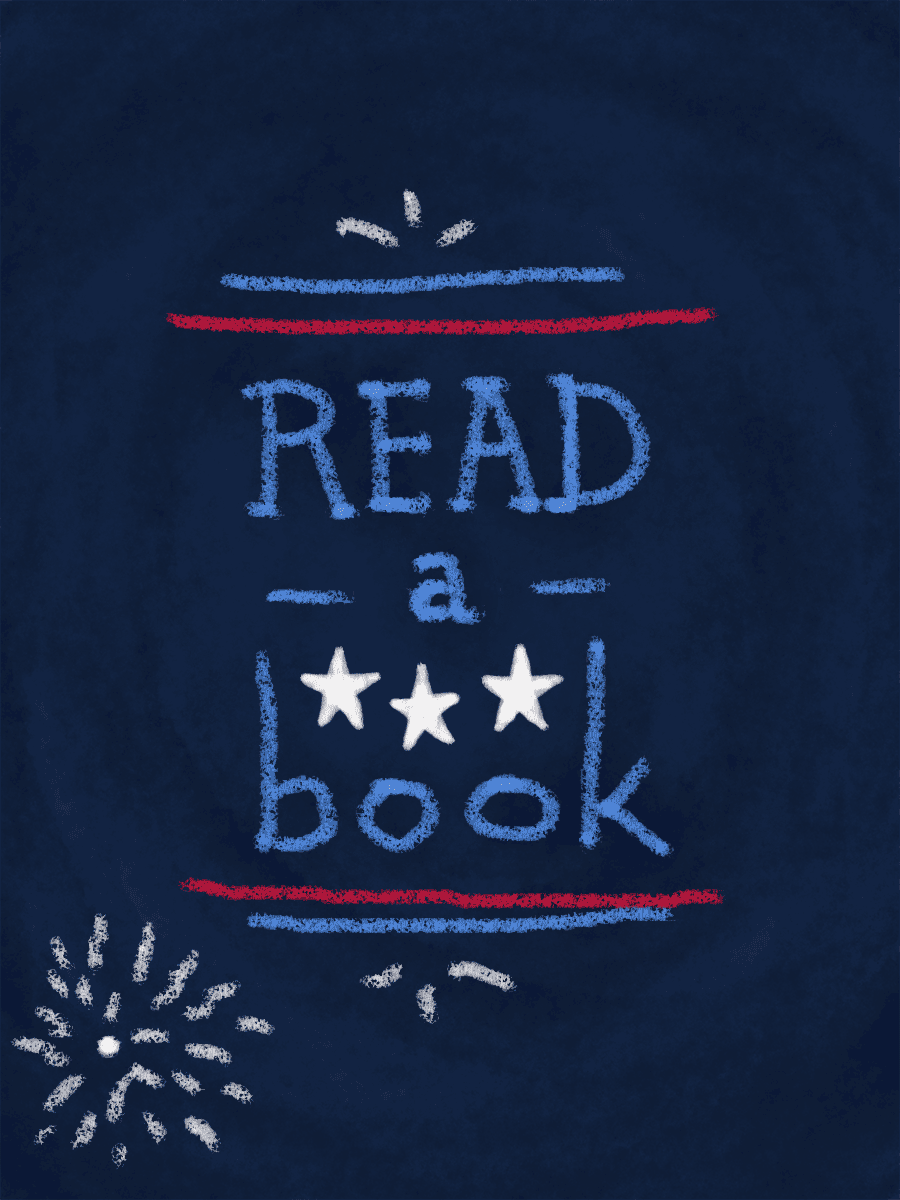
Hope that you get to spend some of this explosive holiday finding peace and friendship where you need it most. Happy Fourth of July, whatever that means to you, from The Portrait Gallery and The Seattle Review of Books.
Thursday Comics Hangover: One strand at a time
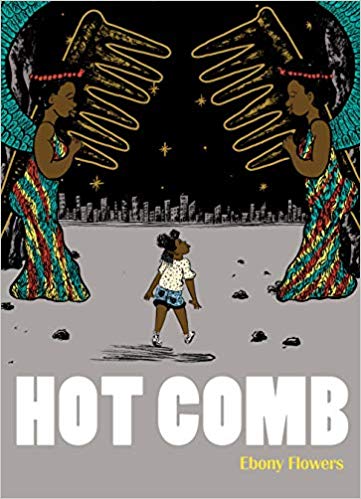
The stories in Hot Comb, Ebony Flowers's debut collection from Drawn & Quarterly, are for the most part centered around Black women — particularly Black women's hair. The narrator of the first story is in fifth grade and, against her mother's wishes, she's eager to get a perm. Why?
"I'm tired of people making fun of me and beating me up," the girl explains apologetically.
As soon as social pressure becomes a real factor in the lives of the girls in these stories, their hair becomes a source of shame. They admire the Black women they see on TV — the narrator of that first story brings a photo of Tatyana Ali, the actress who plays Ashley on The Fresh Prince of Bel Air to her hairstylist only to be told, "you'd need a weave" to get that kind of look. The disappointment is palpable. Once again, fantasy dissolves when placed next to reality.
These aren't all coming-of-age stories. Hot Comb takes a variety of perspectives — including an interlude in which a white man cluelessly raves about his Black girlfriend's continually changing hairstyles: "Every week, I feel like I got a new girlfriend! I love Black women!"
But Hot Comb makes itself clear that it's not about male desire, or male pleasure. It's about what Black women think: of themselves, of each other, of their communities. They talk to each other while they're at salons, they braid each others' hair, they make little refuges from the judgment of the rest of the world.
Flowers is a remarkable cartooning talent. From the title story, impatient readers might think they have her style pegged: the rough black-and-white sketchy autobio cartoonist, like a Julie Doucet or Aline Kominsky-Crumb. But it's readily apparent just a few pages in that every stylistic decision Flowers makes is deliberate, and that she has many more tools in her toolbox than "just" a confessional sketchbook style.
A few times in Hot Comb, pages shatter into grids of tiny panels stacked on top of each other, to great effect. Once, Flowers illustrates a fluttering flock of ducks in a gorgeous silent nine-panel grid that perfectly relays the concerted chaos of birds taking flight.
In another story, she demonstrates a character's OCD tendencies to anxiously pluck hairs from her own head in a series of tiny nervous panels. It's a beautiful comic-book poem: one panel with a hair wrapped around an index finger, springing loose from her head, then a panel reading "and then" and then a panel with a hair pulled taut, and then the hair springs loose and then the word "another," and then a hair falls and the words "bald spot" followed by more panels with more hairs falling to the floor. It is rhythmically and emotionally a note-perfect representation of what it is to have an OCD tendency to pick at your own body.
Hot Comb is a major comics debut — it's the kind of book that will either herald the beginning of a long and successful cartooning career, or it's the debut of a talent who will get swept up by Hollywood and away from comics forever. Whether Ebony Flowers is the next Lynda Barry or the next Marjane Satrapi — or something else entirely — is up to her. But no matter what happens next, we have this book, and that's plenty.
Burglars stole cash and comics from the Friends of Seattle Public Library. Here's how you can help.
A few more details have emerged about the canceled Friends of the Library comic book sale that I wrote about yesterday. The fundraising sale, the first of its kind for the Friends of the Seattle Public Library, was scheduled for Saturday, July 13th. Apparently, the collection of comics up for sale was largely donated by a single library benefactor.
The Friends announced the cancellation yesterday via a brief, detail-free press release that I quoted in the previous post. Around the same time, the Friends sent an email to their list saying the organization has been "the victims of a burglary."
The email continues, "while we still have plenty of comics left to sell, we need to take a moment to assess the situation." They promise to reschedule the sale for a later date.
Based on conversations with several Friends volunteers and staffers, it sounds like the burglary was a planned operation, not a smash-and-grab. The thieves took money that the Friends had on hand for the sale, as well as a small stack of potential high-value comics that had been set aside for appraisal. The Seattle Police Department has been contacted.
Hopefully, more details will emerge soon, but for now: please be wary if anyone tries to sell you collectable comics and contact the authorities if you have any information on who might have committed the burglary. People who steal from library fundraisers are the lowest of the low.
We'll keep you posted with more details in days to come. In the meantime, the Friends could use your support; please donate your time and books.
Next week: Buy some comics, help the Friends of the Library
UPDATE 12:30pm: This afternoon, the Seattle Public Library issued a cryptic press release canceling the comic book sale. In its entirety, it reads: “Due to unforeseen circumstances, The Friends of The Seattle Public Library Comic Book Sale on Saturday, July 13 has been canceled.” If I hear more, I’ll get back to you.
While we're on the topic of library fundraisers, did you know that next Saturday, July 13th, the Friends of the Seattle Public Library are hosting their first-ever comic book sale? For one to ten bucks each, the Friends are selling comics "from the early 80’s to the present, and also books from the 1970’s! Marvel, DC, and most independent companies (Image, Dark Horse, Eclipse, Pacific, etc.) are represented." Think of it as a comic book convention without all the panels and cosplay and merchandise to distract you. I'll be there. Will you?
A few recommendations from Ken Jennings

Image from the King County Libraries' Facebook Page
Last month, I interviewed Seattle author Ken Jennings at the Amazon Spheres for a King County Library System Foundation fundraiser. After a delicious meal from Seattle chef and author Renee Erickson, Jennings and I talked for about an hour about his time as a Jeopardy! champ, his most recent book, Planet Funny, and much more.
Because the discussion was shared with KCLS donors who donated to the library's amazing youth education programs, most of the conversation is in confidence — you had to be there to experience it. But I got permission from the good people at KCLS to share with you the books that Jennings has been loving recently, along with a few other recommendations from our conversation.
Jennings is a big reader of novels, and he most recently adored Machines Like Me And People Like You, Ian McEwan's latest foray into science fiction. The controversy over McEwan belittling the entire genre of sci-fi didn't affect Jennings's enjoyment of the book, which he said was entertaining and thought-provoking.
He's also a fan of Philip Kerr's The Bernie Gunther Novels, which is a mystery series set during the Third Reich. They're heavy, but fascinating.
The last two titles, and the only non-fiction he mentioned, were surprising: Look, I Made A Hat and Finishing the Hat, by Stephen Sondheim. Jennings said he bumbled into the books and found them to be completely entrancing, even if you don't think you like musicals.
Someone in the audience asked Jennings who he follows for comedy on Twitter. Jennings said that Twitter has been less funny since 2016, for some unknown reason, but he and I both agreed that Megan Amram and Dril were perhaps the two funniest people on Twitter, if you can stomach comedy in these uncomfortable times.
And lastly, because Jennings cohosts an excellent sci-fi-and-real-facts podcast called Omnibus!, someone in the audience asked for podcast suggestions. Jennings tossed the question to his wife, who he said was the real podcast fan in the family. She recommended Criminal, Milk Street and The Desk Set.
The evening was one of many author dinners and conversations that KCLS hosts as fundraisers every year. If you'd like to attend one next year, all you have to do is attend the Foundation's annual Literary Lions fundraising gala and bid on the one which most appeals to you. Next year's fundraiser will take place on March 7th, and the keynote speaker is Colson Whitehead, who is the first novelist to be featured on the cover of TIME since Jonathan Franzen stunk up the room a decade ago. Unlike Franzen, Whitehead is a great American novelist and, speaking as someone who has seen him read on maybe ten occasions, I can tell you that he is an excellent speaker. You won't want to miss this, or the slate of author dinners the KCLS Foundation will present next year.
Matt Ruff reveals his next novel's 88 Names
Seattle writer Matt Ruff's next novel is titled 88 Names, it comes out on March 17th of next year, and the eclectic novelist says it's "probably closest in tone" to his thriller Bad Monkeys. On his blog, Ruff ran a plot summary of the book:
John Chu is a “sherpa”—a paid guide to online role-playing games like the popular Call to Wizardry. For a fee, he and his crew will provide you with a top-flight character equipped with the best weapons and armor, and take you dragon-slaying in the Realms of Asgarth, hunting rogue starships in the Alpha Sector, or battling hordes of undead in the zombie apocalypse.
Chu’s new client, the pseudonymous Mr. Jones, claims to be a “wealthy, famous person” with powerful enemies, and he’s offering a ridiculous amount of money for a comprehensive tour of the world of virtual-reality gaming. For Chu, this is a dream assignment, but as the tour gets underway, he begins to suspect that Mr. Jones is really North Korean dictator Kim Jong-un, whose interest in VR gaming has more to do with power than entertainment. As if that weren’t enough to deal with, Chu also has to worry about “Ms. Pang,” who may or may not be an agent of the People’s Republic of China, and his angry ex-girlfriend, Darla Jean Covington, who isn’t the type to let an international intrigue get in the way of her own plans for revenge.
What begins as a whirlwind online adventure soon spills over into the real world. Now Chu must use every trick and resource at his disposal to stay one step ahead—because in real life, there is no reset button.
Any new novel from Ruff is a delight. He's got one of the most traditional work patterns of all the Seattle writers: he goes away for a few years and returns with a fully formed book, which he reads around town for a while until he goes back into hiding and the whole process begins again.
Of course, Ruff's most recent novel Lovecraft Country is being adapted into an HBO series executive-produced by Jordan Peele, and the hiring for that production has just started to heat up. So maybe we'll see a little bit more of Ruff soon.
An attempt at exhausting an uknown place
Published July 2, 2019, at 12:00pm
Novelist George Perec tried to wear out place Saint-Sulpice. But he was the first to blink.
Revenge
(Side-scroll to see full lines)
Since you mention it, I think I will start that race war.
I could’ve swung either way? But now I’m definitely spending
the next 4 years converting your daughters to lesbianism;
I’m gonna eat all your guns. Swallow them lock stock and barrel
and spit bullet casings onto the dinner table;I’ll give birth to an army of mixed-race babies.
With fathers from every continent and genders to outnumber the stars,
my legion of multiracial babies will be intersectional as fuck
and your swastikas will not be enough to save you,because real talk, you didn’t stop the future from coming.
You just delayed our coronation.
We have the same deviant haircuts we had yesterday;
we are still getting gay-married like nobody’s business
because it’s still nobody’s business;
there’s a Muslim kid in Kansas who has already written the schematic
for the robot that will steal your job in manufacturing,
and that robot? Will also be gay, so get used to it:we didn’t manifest the mountain by speaking its name,
the buildings here are not on your side just because
you make them spray-painted accomplices.
These walls do not have genders and they all think you suck.
Even the earth found common cause with us
the way you trample us both,oh yeah: there will be signs, and rainbow-colored drum circles,
and folks arguing ideology until even I want to punch them
but I won’t, because they’re my family,
in that blood-of-the-covenant sense.
If you’ve never loved someone like that
you cannot outwaltz us, we have all the good dancers anyway.I’ll confess I don’t know if I’m alive right now;
I haven’t heard my heart beat in days,
I keep holding my breath for the moment the plane goes down
and I have to save enough oxygen to get my friends through.But I finally found the argument against suicide and it’s us.
We’re the effigies that haunt America’s nights harder
the longer they spend burning us,
we are scaring the shit out of people by spreading,
by refusing to die: what are we but a fire?
We know everything we do is so the kids after us
will be able to follow something towards safety;
what can I call us but lighthouse,of course I’m terrified. Of course I’m a shroud.
And of course it’s not fair but rest assured,
anxious America, you brought your fists to a glitter fight.
This is a taco truck rally and all you have is cole slaw.
You cannot deport our minds; we won’t
hold funerals for our potential. We have always been
what makes America great.
Be a sponsor, not a targeter
Sponsor the Seattle Review of Books for as little as $100 before we release our Fall & Winter slate and prices go up!

Aren’t you tired of being “targeted”? Sure, there’s the active meaning of the word, which means to “aim or direct at something”, but in general this word is all about opposition. Targeting is what you do with weapons, not with people you want to like your stuff enough to buy it.
Sponsorship is our way around this. Sponsors are partners that capture the attention of the best book loving city in the world. Sponsors bring their message to people who aren’t needle-in-a-haystack, but the very reason for the website to exist in the first place.
Sponsors support, targeters take aim. Which would you rather be? We have a few great deals on sponsoring the Seattle Review of Books before we release our Fall & Winter slate really soon. Grab those last dates before their gone, and take the targets off the backs of your buyers, and replace them with a hand-embroidered patch that reads “I supported local artists, writers, and poets.” What could be better than that?
Your Week in Readings: The best literary events from July 1st - July 7th
Monday, July 1st: What We Do With the Wreckage and What Could Be Saved Reading
When I reviewed Kirsten Sundberg Lunstrum's short story collection, What We Do with the Wreckage, I said that "The people in these stories are reeling from trauma and from dependency and from heartbreak. Most of them are trying to improve their lives, but in order to do that, they have to look backwards, at the breaks in their narratives, to try to repair what’s gone wrong." Tonight, she reads with Gregory Spatz, whose short story and novella collection What Could Be Saved was praised by author Paul Harding. University Book Store, 4326 University Way N.E., 634-3400, http://www2.bookstore.washington.edu/, 6 pm, free.
Tuesday, July 2nd: Threshold: Site Specific Poetry
See our Event of the Week column for more details.
Frye Art Museum. 704 Terry Ave., 622-9250,https://www.facebook.com/events/464358181057474/, 4 pm, free.
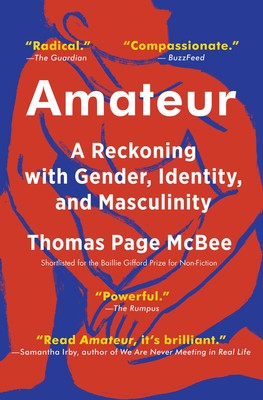
Wednesday, July 3rd: The Reading Through It Book Club
Since we're nearing 2020, you can expect conservatives to start ramping up the trans panic again — it's the way they ensure that bigoted voters march to the polls to vote for their candidates. Tonight, we're going to discuss Thomas McBee's memoir about being a trans man, Amateur. It's a meditation about gender, about masculinity, and about privilege. In other words, it's about all the stuff that's going to inform the next solid year of politics. Third Place Books Seward Park, 5041 Wilson Ave S, 474-2200, https://www.thirdplacebooks.com/event/reading-through-it-book-club-amateur, 7 pm, free.
Friday, July 5th: Our Non-Christian Nation Reading
Jay Wexler's new book is subtitled How Atheists, Satanists, Pagans, and Others are Demanding Their Rightful Place in Public Life. It's about how Americans are starting to wake up to the fact that the Christian majority is not nearly as powerful as we once believed it to be. Third Place Books Ravenna, 6504 20th Ave NE, 525-2347 http://thirdplacebooks.com, 7 pm, free.
Saturday, July 6th: Impervious: Confessions of a Semi-Retired Deviant Reading
Janet W. Hardy guides you through her memoir, with a structure that "mirror[s] those of any good scene - negotiation, warmup, engagement, climax, and aftercare." University Book Store, 4326 University Way N.E., 634-3400, http://www2.bookstore.washington.edu/, 4 pm, free.
Sunday, July 7th: I Want to Meet Your Light Reading
Ben Gallup's book, which seems kind of memoir-y, is about ": interpersonal connection, loneliness, truth, love, systems of oppression, ecological terror, and more." Third Place Books Seward Park, 5041 Wilson Ave S, 474-2200, http://thirdplacebooks.com, 7 pm, free.
Literary Event of the Week: Threshold literary walk
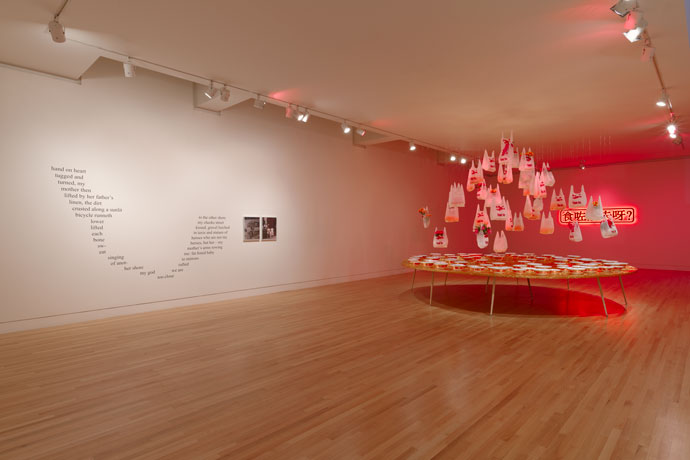
To celebrate Seattle poet Jane Wong's new exhibit "After Preparing the Altar, the Ghosts Feast Feverishly," the Frye is serving as the launching pad for a combination literary crawl/roving writing class.
At 4 pm on Tuesday, Wong will begin with a discussion about her exhibit, which is part memoir, part generational epic, and part essay about a lifelong love of food. Then, she will lead the audience on a rambling hourlong one-mile walk downhill to Town Hall.
Along the way, poets Quenton Baker and Chelsea Werner-Jatzke will read poems and present short writing exercises using place as a theme. (You should bring a pad of paper and a pen, but there will be some spare office supplies around in case you forget.)
The evening will end in Town Hall's Reading Room, in which artist Timothy Firth will unveil his "interactive audio sculpture that will be tuned throughout a series of public events." There will be a little more reading, and then some drinks.
Wong's poetry is always interested in place and personal history, but this exhibit deepens that relationship between art and location and time in a new and exciting way. To then have the exhibit spill into the streets of Seattle in a generative tour of the city is simply the next evolutionary step on the path that Wong has been walking down for some time.
Frye Art Museum. 704 Terry Ave., 622-9250,https://www.facebook.com/events/464358181057474/, 4 pm, free.
The Sunday Post for June 30, 2019
Each week, the Sunday Post highlights just a few pieces of longform writing that we loved reading. Settle in with a cup of coffee, or tea, if that's your pleasure — we saved you a seat! Read an essay or an article online that you loved? Let us know at submissions@seattlereviewofbooks.com. Need more browse? You can also look through the archives.
Being normal
In the language of crisis management, grand-scale systems failures (think Chernobyl and the Challenger) are “normal.” Leah Finnegan applies the same eerie, inevitable logic to the noonday demon.
Depression is inevitable in society. Among billions of people, many are going to have fucked-up brains; unfortunately one is me, and now my young friend. But I wonder if depression, in some non-parallel extrapolation, can be thought of as its own kind of normal accident: a guaranteed cataclysm in the dark, complicated system of a mind that cannot be prevented, only managed after the fact.
Unnameable things
“How can one protect what one cannot name?” Kerri ní Dochartaigh writes the fierce fragility of the natural world out of and back into existence — a stay against extinction, in the only words she has.
In the early evening, when a ‘phone signal could be had, I logged onto Instagram to find my fee full of insects of every type — a collective yet individual response to the new article in the Guardian, with its heart-wrenching, terrifying truths. A few hours after a dream in which an insect presumed dead proved to be alive, I read the news that within a century they could ALL be gone. How are we meant to go on from here? I tried to muster up everything, anything inside of me; I tried to find the words. The only thought I had was: I have no words. Not in the way that the teenagers around me say ‘literally can’t even’ but rather: ‘I am living on my home island, on the soil of my ancestors, and I don’t even have the word for butterfly.’
Liu Cixin's war of the worlds
Travel Washington, DC, with Liu Cixin, and you see the US capitol compared to its cinema self (the Lincoln Memorial in person is disappointing, after Planet of the Apes). Reading about Liu in this profile has the same addictive feel as reading Liu, with the familiar and unfamiliar disorientingly reversed. But this is my favorite bit — a self-own of sorts by China’s college exams.
In China, one of his stories has been a set text in the _gao kao_ — the notoriously competitive college-entrance exams that determine the fate of ten million pupils annually; another has appeared in the national seventh-grade-curriculum textbook. When a reporter recently challenged Liu to answer the middle-school questions about the “meaning” and the “central themes” of his story, he didn’t get a single one right. “I’m a writer,” he told me, with a shrug. “I don’t begin with some conceit in mind. I’m just trying to tell a good story.”
Whatcha Reading, Erica C Witsell?
Every week we ask an interesting figure what they're digging into. Have ideas who we should reach out to? Let it fly: info@seattlereviewofbooks.com. Want to read more? Check out the archives.

Erica C Witsell is a North Carolina-based writer, teacher, and blogger, whose writing has appeared in many places, including the Sun Magazine. Her debut novel Give was just released on June 1st. Erica is crossing the nation on a book tour, and will appear tonight, June 30th, at the Ravenna Third Place Books at 7:00pm.
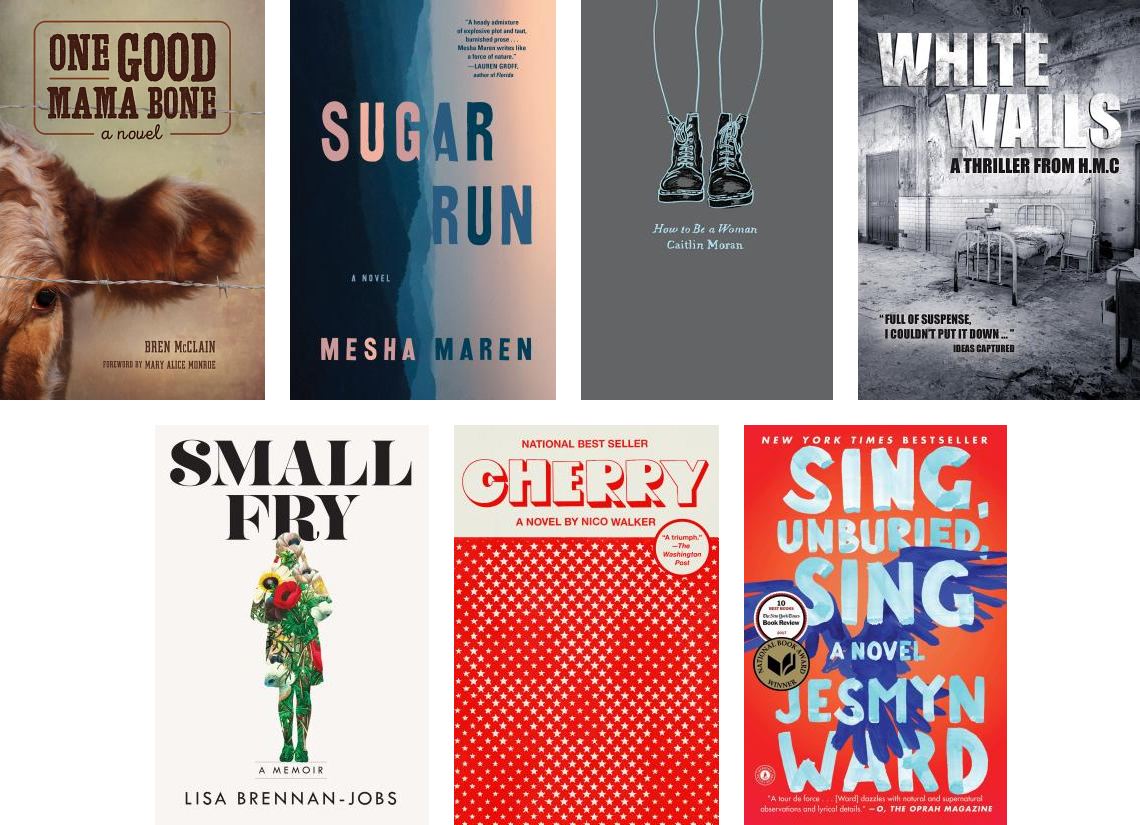
What are you reading now?
I wish I never had to finish One Good Mama Bone by Bren McClain, even though it has me up reading way past my bedtime. With masterful prose and compelling characters, McClain digs deep into questions of motherhood, family, and mortality. This book is also making me very glad that I’m a vegetarian.
What did you read last?
I recently read Sugar Run by Mesha Maren, a Southern noir page-turner that explores the complicated nature of family and belonging. I loved Maren’s luscious prose and lonely characters, everyone longing for an elusive home. I also thoroughly enjoyed How to Be a Woman by Caitlin Moran. This gem of a book is hilarious and heart-breaking all at once, and should, I think, be required reading for everyone, woman or otherwise.
What are you reading next?
Recently added to my to-read list are White Walls by Judy Batalion and Small Fry by Lisa Brennan-Jobs, both memoirs of daughterhood recommended to me at a book event because they share Give’s themes of complicated parenthood, loyalty, and forgiveness. I also can’t wait to read Cherry by Nico Walker and Sing, Unburied, Sing by Jesmyn Ward.
The Help Desk: Things better left unread
Every Friday, Cienna Madrid offers solutions to life’s most vexing literary problems. Do you need a book recommendation to send your worst cousin on her birthday? Is it okay to read erotica on public transit? Cienna can help. Send your questions to advice@seattlereviewofbooks.com. Cienna is on vacation, so this column is a repeat from April of 2016.
Dear Cienna,
My aunt and I are avid readers and tend to trade books back and forth. If my mom (her sister) is there when my aunt returns one of my books and hears us talking about it, she always says "sounds interesting, can I borrow it?" But every time, sure enough, if I stop by my mom's house, the books are sitting in her front door staging area... you know, the spot where she puts things that she wants to remember to take with her when she leaves. She will keep my books for up to 3 months then return them and admit she "never got around" to reading them. The last time she did this I said "Mom, let's cut out the middle man here"...and I wouldn't let her borrow them. My aunt thinks I should apologize. What do you think?
Georgina, Federal Way
Dear Georgina,
I met a woman once – let's call her Jaustiny – whose mother sat her down at the tender age of 14 and told her that she was leaving the family to go find herself. Not only was she tired of being a mother, she'd decided that she really liked the name Jaustiny so she was legally changing her name to the name she'd bequeathed on her daughter. Then New Jaustiny peaced out to San Francisco, bought herself new tits and realized her dream of being a childless waitress/artist named Jaustiny with sexy breast-induced back issues. The psychological mindfuck of that aside, her mother's new identity created a lot of weird burdens in Original Jaustiny's life as she grew up – her mother developed a criminal record stemming from a brief career as a meth chef and had most recently stolen OJs identity and ruined her credit by buying matching Harleys for herself and her new boyfriend, all of which OJ had to account for.
OJ told me this story at a bbq. Ten feet away stood my own mother, who was evaluating some cowboy she'd just met for the quality of his sperm (for me. Always for me). As I watched her inspect his gums for disease I thought, "that old broad ain't so bad."
Your complaint is that your mother borrows books that you and your aunt have already read but she doesn't read them, correct? How does this actually impact you if you've already read the books? Your mom wants to feel included in the conversations and closeness you share with your aunt but she sucks at the follow-through. That is a harmless annoyance stemming from love.
Be sweet to your mom. Apologize. Let her borrow all the books she's guaranteed to never read and be thankful she's not a Harley-riding meth chef named Georgina.
KISSES,
Cienna
The Portrait Gallery: A typewriter
Each week, Christine Marie Larsen creates a portrait of a new author for us. Have any favorites you’d love to see immortalized? Let us know
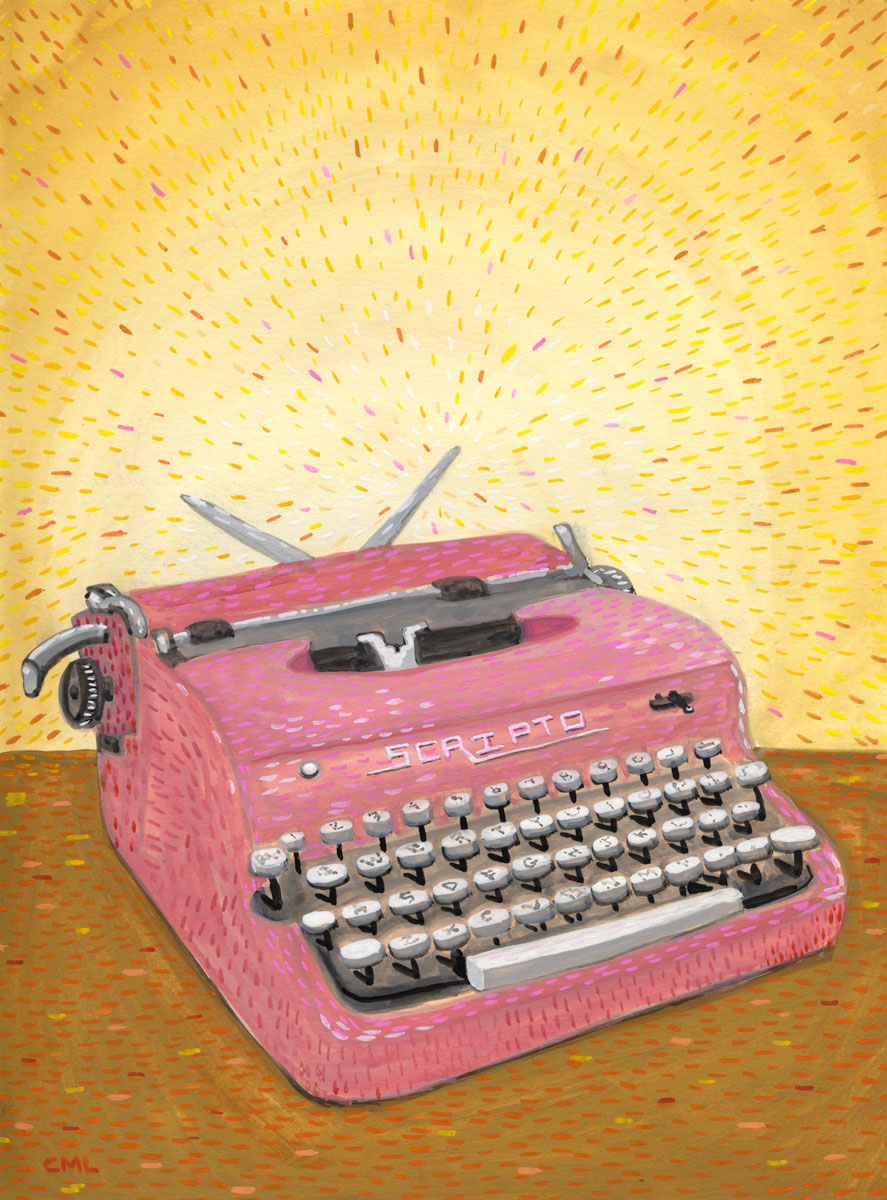
Saturday, June 39th: Event of the Week: Write-O-Rama
Hugo House hosts a wide array of educational programs, of course. They offer anything from one-day classes to season-long deep dives into the art of writing. But this Saturday, Hugo House is hosting Write-O-Rama, which packs an entire semester full of writing courses into a single afternoon.
Criminal Fiction: Under Juneuary skies
Every month, Daneet Steffens uncovers the latest goings on in mystery, suspense, and crime fiction. See previous columns on the Criminal Fiction archive page
Reading around: new titles on the crime fiction scene
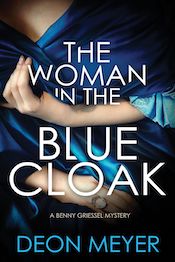
Murder, lost masterpieces, and a centuries-old pursuit converge in Deon Meyer’s The Woman in the Blue Cloak (Atlantic). At a mere 172 pages, the cool novella punches above its weight, a tightly spun tale that touches on the vagaries of history, migration, and national identity, while also addressing the latest personal developments in the life of Captain Benny Griessel. Even in this briefer-than-usual format, Meyer’s dexterous, wide-ranging storytelling abilities shine: a London-based American art expert, a retired South African historian, a Cape Town fencer of stolen goods, and the possible discovery of a long-lost painting by Carel Fabritius – he of The Goldfinch and Donna Tartt literary fame – are just a few of the elements enlivening this tidy gem of a thriller.
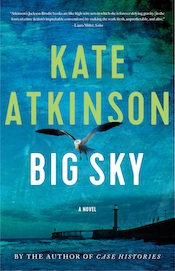
The welcome return of Jackson Brodie in Big Sky by Kate Atkinson (Little, Brown), sees the canny private investigator – “a coincidence is just an explanation waiting to happen” – flitting about the more stunningly beautiful bits of Yorkshire with a sociable Labrador and Brodie’s less-sociable son in tow. As for this tome’s coincidences, one of them involves the just-as-welcome return of Reggie Chase, an engaging figure from Brodie’s past, while the other characters have more nefarious tendencies. A seasoned master of the literary juggling act, Atkinson takes gleeful pleasure in orchestrating the multiple complex mysteries – intimately personal, darkly criminal – so that they bump beguilingly up against each other.
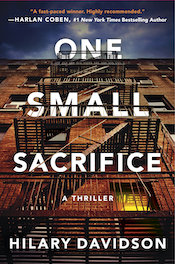
The mean and far-flung streets of New York provide an atmospheric setting for Hilary Davidson’s One Small Sacrifice (Thomas & Mercer). From the dank innards of ancient downtown subway stations to the bucolic, leafy settings of the residential North Bronx, from Hell’s Kitchen to the sterile medical complexes of the Upper East Side, the various urban locations resonate as detective Sheryn Sterling and her new partner Rafael Mendoza navigate a case with history to it: Sterling has investigated war photographer Alex Traynor previously; now his fiancée and sometime Doctor-Without-Borders volunteer Emily Teare has gone missing. Davidson’s stealthily plotted, rapidly deployed, multi-stranded mystery encompasses the most intimate of brutalities – including domestic abuse and post-battlefield PTSD, a solid handful of dodgy characters, and, in the most humane of touches, a dog named Sid.
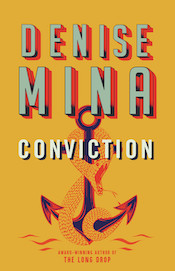
Anna is the wife of a rich Glaswegian lawyer and the mother of two adorable daughters. She’s also book-and-podcast obsessed, partially as a way to distance herself from an unhappy marriage and self-doubt. But one catastrophic day, Anna gets two nasty surprises: listening to a true-crime podcast, she learns of the death of someone from her past, and, in quick succession, her husband announces that he’s leaving her for her best friend. From there, things spiral impressively out of control – and not just because Anna is forced to go on the lam with her best friend’s spurned husband, Fin. The reading adventure that is Denise Mina’s Conviction (Mulholland), races at breakneck speed across Scotland to a luxurious castle, over the Channel to a damp bedsit in Venice, and along the train tracks of Europe, corralling a tantalizing bevy of characters – goodies, as well as ultra-villains – with every twist and revelation. Cleverly framed around one of our hottest cultural formats, Conviction, at its heart, is a terrific, old-fashioned thriller that keeps you pleasurably guessing every step of the way, and marks Mina at the top of her game (so far!).

If the title of Adrian McKinty’s new standalone psychological thriller, The Chain (Mulholland), makes you think of those annoying-if-innocent chain letters of your youth, you’d not be far wrong. The reality, in this case however, is far, far scarier. In McKinty’s devilishly capable hands, the penalties and payoffs for not participating in the eponymous chain are very much life-and-death: parents are being targeted not just by having their children kidnapped; they are then then informed that, in order to get their offspring back, they must kidnap someone else’s child, and so on and so forth. Terrified yet? Then consider the reaction of Rachel O'Neill, cancer survivor and all-round super-focused mom, when she learns that her daughter’s been kidnapped. McKinty, a terrific creator of characters when it comes to people under pressure – consider Sean Duffy, his maverick Northern Irish detective who polices Belfast during the Troubles – has struck new thriller gold with Rachel, an ordinary woman whose side you won’t be able to leave as she fights, tooth, nail, and whip-smart brain, with some of the creepiest baddies to rival those on both sides of Don Winslow’s The Border.
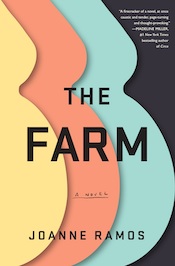
One of the current obvious outcomes of high-level capitalism come home to roost in The Farm, a chilling debut by Joanne Ramos (Random House), in which a group of pregnant women are groomed (and groomed!), cossetted in Golden Oaks, a dream of a rural “gestational retreat.” The expectant mothers are surrogates – their babies, if brought to term, will never be their own – who’ve been promised excellent compensation for their nine-month commitment. If they behave, that is. Golden Oaks, you see, is just one arm of a sprawling company called Holloway, purveyor of upscale clubs, yacht and private-jet management companies, and other once-luxury, now-basic life requirements for the ever-burgeoning one percent. Ramos’ success here is in giving living, breathing shape to everyone’s story, from the vulnerable women doing whatever they can to survive and feed their families, to the handful of puppet-masters who live high on the hog and shelter themselves behind deceptions and lies.
The Quintessential Interview: Neal Stephenson

Neal Stephenson’s Fall, or Dodge in Hell (William Morrow), is a glorious, sprawling, adventurous read – a 900-page page-turner, if you will – which takes artificial intelligence, the gamification of reality, digital uploads, and cloud-storage conceits to their potential outer-spatial conclusions, while making room for a chilling vision of a truth-free America, a spectacularly detailed creation-and-mythology story, and, yes, a good old-fashioned quest.
When Richard “Dodge” Forthrast, billionaire and tech-head extraordinaire, dies during a medical procedure, his family have to grapple with a health directive that includes preserving his brain for a future time when it can be re-booted, so to speak. As his family, colleagues, and frenemies work to honor – or, at times, exploit – his request, Stephenson’s narrative flows between his Earth-bound characters and those existing in a virtual universe. It’s a startling feat of literary wizardry, packed with salient satire and frequent punctuations of comic relief (“The hero who falls because of a cramp in his hamstring is not sung of….”), and threaded through with the indestructible bond of love between an uncle and his niece.
What or who are your top five writing inspirations?
Excellent prose stylists: Edward Gibbon. Charles Dickens. Winston Churchill. Peter Fleming. Rebecca West
Top five places to write?
My office. My office. My office. My office. My office.
Top five favorite authors?
Matt Ruff. Austin Grossman. Charles Mann. Joe Abercrombie. Nicole Galland.
Top five tunes to write to?
I don’t know because I use Pandora playlists! The one I’ve been listening to most of late is based on Groove Armada.
Top five hometown spots?
Machine House Brewery. Hazard Factory. Jules Maes. SANCA. Raconteur
Thursday Comics Hangover: Check this one out
There is no better way to kill time in Georgetown than the Fantagraphics Bookstore and Gallery. I could lose an hour or more in the half-off damaged room in the back of the store alone, with its weird mixture of old promotional comics, dented-up copies of new Fantagraphics books and weird old foreign language editions of popular books.
But the best browsing at Fantagraphics is the minicomics, which have spread from a display at the front of the store to a few racks around the space. Local and national talent blur together on the minicomics shelves, and new books and used books all look the same.
I picked up a copy of Katie Fricas's minicomic Checked Out: L'autobiographie d'une Bibliophile. It's listed as issue number one, though there's no sign on the shelves if Fricas ever published a second issue — or even when she first published Checked Out. There's a "2018" spelled out on the back page, so maybe it came out somewhere in that yearlong window? Who can say?
Still, if you're spending time on a site called the Seattle Review of Books, odds are good you'd enjoy Checked Out. The book is split into two main stories with a few gag strips, all having something to do — at least peripherally — with libraries. The first story is about Fricas's childhood love affair with Lois Lowry's young adult novel A Summer to Die, which she encountered at the library.
In Checked Out, Fricas uses watercolors to great effect: the colors all bleed into each other, simulating the fading effect of memory and the vividness of youth. There's a kind of unsettling paranoia to the way the colors saturate every inch of every page, disrespecting panel borders and turning each page into a closeup of Fricas's psyche.
"I remember being little and looking out the windows of the children's library," Fricas writes, "wondering why the books out there were classified as 'adult.' What could possibly be in them that was different from all the other books I could read? Did they use different kind of words?"
She concludes, "I still don't know the answer to this question."
In Checked Out's second story, an adult Fricas, now a library worker herself, tracks an older patron's descent into infirmity and death through her visits to the library. The older woman, a glamorous lady named Mrs Hirsch, has difficulty taking the stairs. Then she sends her doorman to pick up her books. Then, nothing.
That Fricas manages to pack vignettes that stretch from childhood to to death from old age into a single six-dollar minicomic is a feat worth celebrating. But that she's able to do it with a bold and gaudy watercolor style that is at once unsettling and stunning is practically unbelievable. This is a beautiful, thoughtful, vivid memoir told in books. In other words, it's exactly the kind of find that makes an afternoon spent browsing feel wholly worth it, and then some.
West Seattle Food Bank needs your books
If you have any extra books sitting around — particularly children's books — the West Seattle Food Bank is looking for some books this month. According to West Seattle Blog, the organization distributes some twelve thousand books per year. They accept donations from 9 am to 3 pm Monday to Friday.
We expect a lot from this year's Hugo House Fellows
Earlier today, we checked in with author Anca Szilagyi, who was in the first class of Hugo House's Made at Hugo Fellowship. This week, Hugo House announced the 2019-2020 class of Hugo Fellows: Joyce Chen, Shelby Handler, Piper Lane, Sasha LaPointe, Abi Pollokoff, and Jen Soriano. The writers are working on pieces including a book of essays, memoirs, novels, and poetics. With the help of established authors like Hugo House writers-in-residence Laura Da’ and Kristen Millares Young, these writers will form a peer group to refine and edit their projects, and they'll eventually present the work in a series of showcases. They'll also receive nuts-and-bolts advice on how to become an author — everything from business advice to networking tips to Hugo House's many educational programs. We look forward to their upcoming work; they're walking in the footsteps of some very impressive authors.
Exit Interview: Anca Szilagyi on overcoming Seattle's loneliness
For a while there, Anca Szilagyi was everywhere in Seattle. You may know her from The Furnace reading series, which she co-founded with writer Corinne Manning, or from her beautiful debut novel Daughters of the Air, or from Sugar, her tiny love letter to the Pike Place Market, or from her time as a Made at Hugo Fellow, or from that time she won the inaugural Gar LaSalle Storyteller Award. Earlier this year, after a decade of ubiquitousness, Szilagyi moved away from Seattle. I'm grateful that she took some time off from acclimating to her new home to discuss the city she left behind. The following conversation has been edited for clarity.
So, first off, where did you move and why?
My husband Michael and I moved to Chicago. We'd been in Seattle for about 10 years; we came out there so I could go to graduate school, and just stayed.
We enjoyed our time in Seattle, but the call to home just kept getting louder, I suppose. Home for me is New York, and home for him is Chicago, and so Chicago seemed like a good, affordable place for a writer and a public servant to settle in to next.
You still have some affiliations here in Seattle, though, right?
Yeah, thanks to the internet. I've been teaching online classes at Hugo House, and also doing manuscript consultations through them.
Your debut novel, Daughters of the Air, didn't have Seattle in it, but you did write Sugar, a wonderful little book about and set in the Pike Place Market. Do you think that Seattle is going to represent itself in your work as you move forward?
Oh yeah. I think coming to Seattle was helpful for me to finish my book set in New York. And there's Sugar and then a few other short stories I've written that are set in Seattle. There's a rough draft of a Seattle novel that's fermenting somewhere — I can't tell you when that'll be done, but it's definitely fermenting.
So what are you working on now?
I'm back to working on a novel set in the late medieval period in the Netherlands. The [Gar LaSalle] Storyteller Award allowed me to go there in 2016 to do a little research. I'm back to working on that now, that I'm getting my wits about me with this move.
Did anything about leaving Seattle surprise you? Did Seattle meet or exceed your expectations in any way?
I do think I grew a lot in the last 10 years. It was, in the end, an extremely supportive community, but it took some time.
If you had asked me in 2012, when I finished my MFA, I think I would've been surprised about how I would feel leaving — just the amount of support that I've gotten from Hugo House and Artist Trust and 4Culture. And the book launch for my novel at the Sorrento was such a special night — just such a full room of smiling, happy faces. Beautiful.
But it was definitely a little lonely at first. It just took some time to keep showing up and to make my way that way. I suppose I learned showing up helps.
Could you talk a little bit about the loneliness, what that means as a writer, specifically?
Coming into Seattle I did have the UW, so I was in that little enclave for two years. Coming out of that, I think that's where the loneliness set in. Even with Castalia, I was kind of a stranger at Hugo House, just showing up at events, and trying to introduce myself.
Things turned around when I met [Corinne Manning]. I think she was experiencing a similar thing. We decided to start The Furnace together, and I think that that helped a lot. We wanted The Furnace to be this welcoming space. We very purposefully invited people to read who were not reading all the time, and people who you wanted to spotlight and get to read an entire story rather than a little excerpt here or there. I think through that, that really set other things in motion to feel more a part of the literary community.
So making a space for yourself, and then doing the reaching out to readers, is what made the difference, you think?
I think it did — between that and then eventually getting a little institutional support from Hugo House through the Made at Hugo House Fellowship. I think those two things together helped a lot.
What's your advice for writers who are feeling that kind of deep loneliness?
If you're at a literary event saying hello to a stranger — even just introducing yourself, as hard as that can be — I think that could have made the difference for me in that little gap in time where things were lonely.
Capitol Hill "festival street" to be renamed for local bookseller?
JSeattle at Capitol Hill Seattle Blog writes that a portion of Denny Way by the Capitol Hill light rail station is set to be named after a co-founder of Seattle's best-loved LGBTQ bookstore:
The block-long Barbara Bailey Way will honor Barbara Bailey who founded Broadway’s much-loved Bailey/Coy Books only blocks away and passed away last fall.
What a wonderful tribute to a bookseller who worked hard to make Capitol Hill welcoming for so many.
Seattle is a story
Published June 25, 2019, at 12:00pm
A new academic book examines the disparity between the wealthy white Seattle of myth and the huge inequalities of Seattle as it actually is.
Here
they
call it earthing
to pad along shoeless, prying fear
from between curled toes
my
bare feet
pulse along shoreline
my
blood
follows me
from Minnesota roots
to the puddle chest:
rain waxes a moon
evaporates pondwater
my
own bones
make the moss-limb
house of my new backyard
I’m
no more scolded
for running naked of shoes
for living as if there were no stingers,
glass shards, dog shit, pine pitch
now
feel: egg-print heal
pressed to sand
or river mud, mark both
sole and soul
I
earth
into place
Mail Call for June 24, 2019
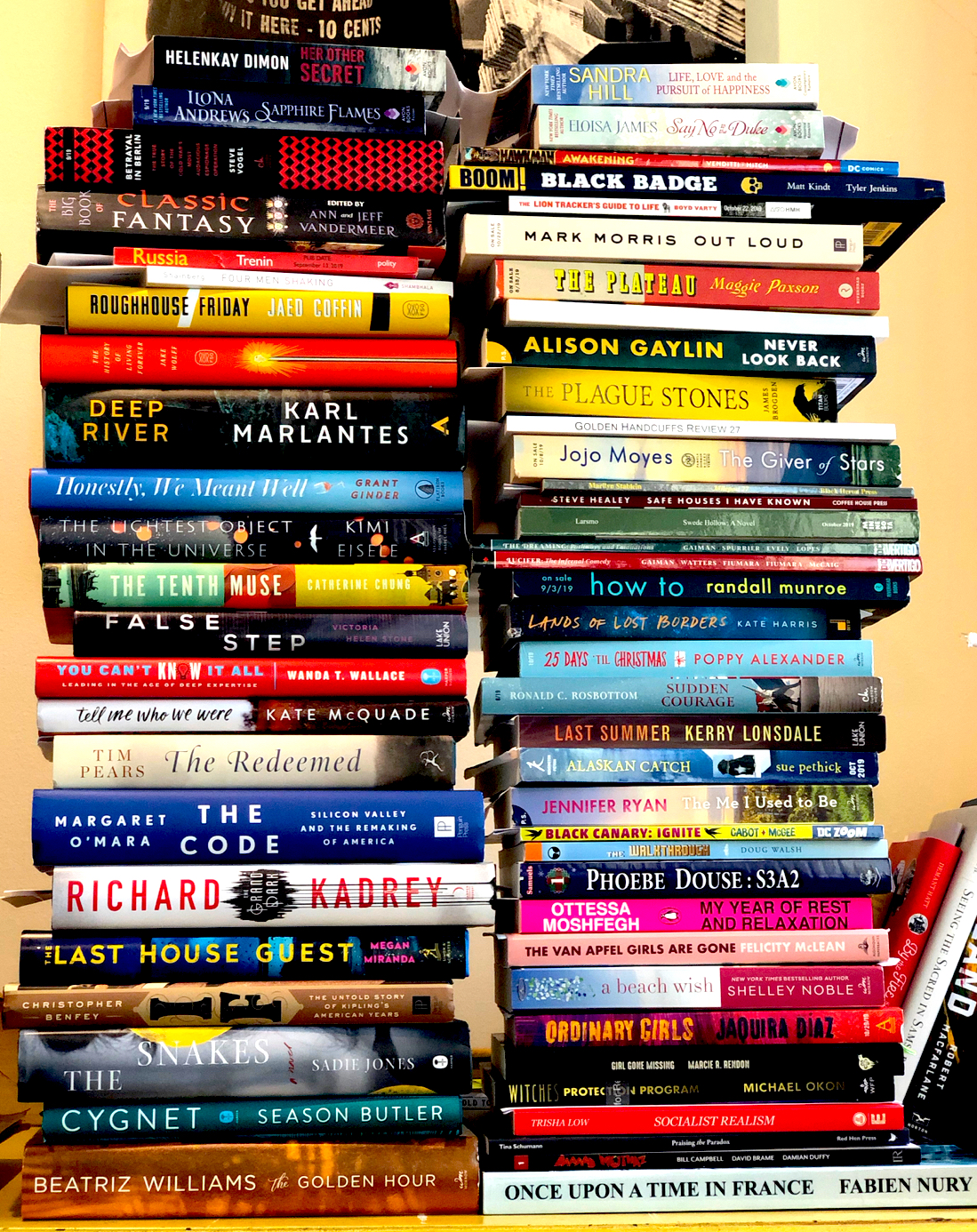
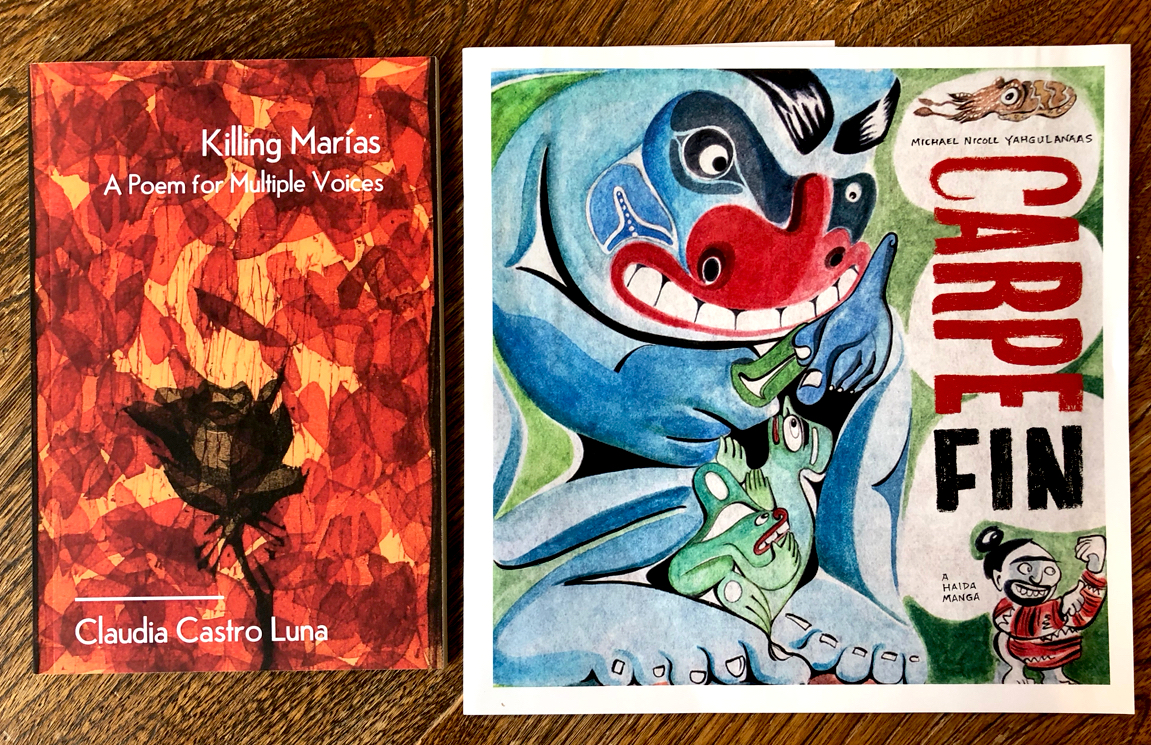
The Seattle Review of Books is currently accepting pitches for reviews. We’d love to hear from you — maybe on one of the books shown here, or another book you’re passionate about. Wondering what and how? Here’s what we’re looking for and how to pitch us.
Our thanks to Craig Hurd-McKinney for sponsoring this week!
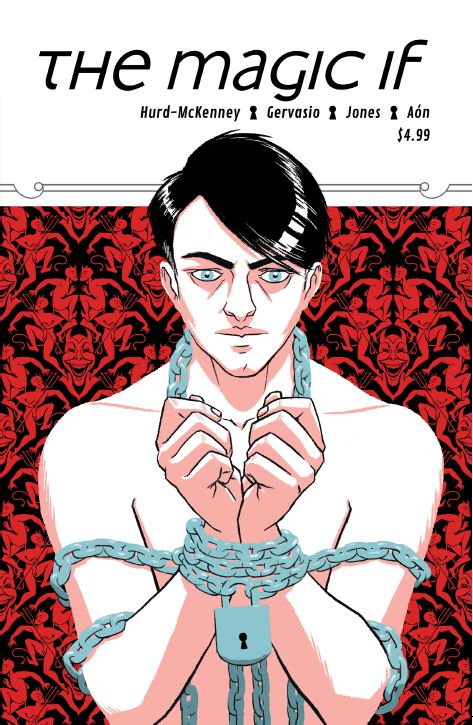
This week, The Seattle Review of Books is sponsored by Craig Hurd-McKenney, writer, editor, and publisher of comic books. To mark Pride Week, Hurd-McKinney is sharing The Magic If: a comic created with art team Gervasio and Carlos Aon that explores imagination, compulsion, and the magic of human connection. The protagonist of The Magic If is Wynter Steele, a young magician so obsessed with his craft that he can't help but fail at it. When a flashy stunt magician comes to town, Wynter's worst self goes head to head with the people who love him.
Check out a few pages from The Magic If, which
Hurd-McKenney is generously sharing on
our sponsor feature page
this week only.
You're part of the best book city in the world, and we want
everyone to know who you are. We've got
just a few dates left this summer
— nab one now and put your book, event, retreat, or class in
front of our readers. We'd love to see you in this space.
Your Week in Readings: The best literary events from June 24th - June 30th
Monday, June 24th: A Job You Mostly Won't Know How to Do Reading
Northwest author Pete Fromm, who is beloved by booksellers from Seattle to Missoula, returns with his new novel, which is reportedly "a love story about family and resiliency and second chances. It's about a man who has to step up and be a single father after tragedy strikes. Elliott Bay Book Company, 1521 10th Ave, 624-6600, http://elliottbaybook.com, 7 pm, free.
Tuesday, June 25th: Clarion West Presents Elizabeth Hand
The Seattle-based sci-fi and fantasy writing organization brings a bestselling genre author to town. Hand has written novels and literary criticism and historical essays, and her upcoming novel Curious Toys is being pitched as "The Alienist meets Devil in the White City, which are two books that kept me up very late at night turning pages. Hugo House, 1634 11th Avenue, 322-7030, http://hugohouse.org, 7 pm, free.
Wednesday, June 26th: Exhalation Reading
Ted Chiang is one of the Seattle-area's most influential sci-fi writers. He's always been a quiet force at sci-fi readings around town: you can feel him in the back of the room, and you can feel other authors' regard for his attention. He's a smart writer of brilliant sci-fi, and now that one of his stories has been adapted into Arrival, it seems the whole world finally knows it. Third Place Books Seward Park, 5041 Wilson Ave S, 474-2200, http://thirdplacebooks.com, 7 pm, free.
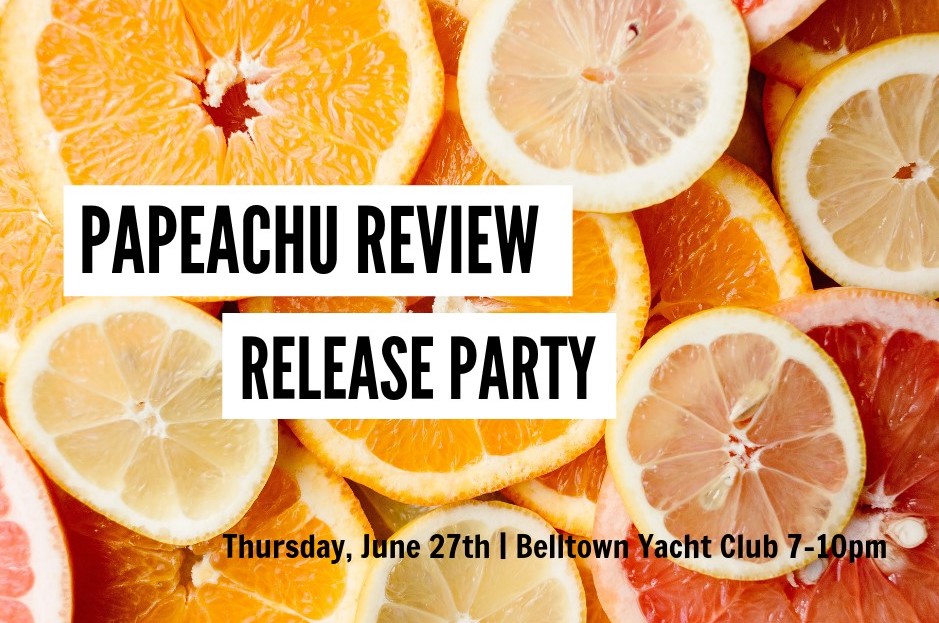
Thursday, June 27th: Papeachu Review Release Party
Contributors to the second issue of Seattle's own Papeachu Review, "a bi-annual print anthology of female and nonbinary creations,* will read their work to celebrate the new issue. This issue, incidentally, features work on the theme of "beauty." Belltown Yacht Club, 2320 1st Avenue (Basement), https://www.facebook.com/events/415438409299739/, 7 pm, free.
Friday, June 28th: Two Poets
Dobby Gibson is the award-winning author, most recently, of Little Glass Planet. Zachary Schomburg is a popular Portland-based poet, novelist, and publisher. (You might know him as one of the tendrils behind Octopus Books, which is doing beautiful work in the publishing space. Open Books, 2414 N. 45th St, 633-0811, http://openpoetrybooks.com, 7 pm, free.
Saturday, June 39th: Write-O-Rama
See our Event of the Week column for more details.
Hugo House, 1634 11th Avenue, 322-7030, http://hugohouse.org, 1 pm, $60-100.
Sunday, June 30th: African-American Writers Alliance Reading
Founded in January of 1991, the African-American Writers’ Alliance is "an informal gathering of Northwest black writers meeting for mutual support and encouragement through the exchange of ideas and concepts became a reality." This afternoon's reading is a celebration of some of the organization's most exciting members. Open Books, 2414 N. 45th St, 633-0811, http://openpoetrybooks.com, 4:30 pm, free.Event of the Week: Write-O-Rama at Hugo House
Hugo House hosts a wide array of educational programs, of course. They offer anything from one-day classes to season-long deep dives into the art of writing. But this Saturday, Hugo House is hosting Write-O-Rama, which packs an entire semester full of writing courses into a single afternoon.
Write-O-Rama's hundred-dollar price tag might seem hefty if you're just idly looking for something to do, but the truth is that it's a bargain for the amount of classes you get.
Here are just a few classes available this Saturday, with descriptions provided by Hugo House:
- Essay Experiment: Digression with Waverly Fitzgerald Try out a digressive essay, an essay that rambles from subject to subject.
- Stuck in the Middle with Jennifer Haupt We’ll explore one key structural component you can develop at the beginning of your book to avoid the mid-point slump. (It also works if you’re already stuck!)
- Creating Urgent Scenes in Memoir with Christine Hemp In 50 minutes (!), you will draft a new scene for your memoir-in-progress. Come learn how dramatizing a single moment can create a sense of urgency (even without dialogue).
- Write Your Novel Now! with Susan Meyers How do you start—and finish—a novel? Come generate ideas—and a plan! This session offers insights into hooking the reader and developing a plot, to shaping chapters and keeping the momentum—both yours and the story’s—to go the distance!
- Plotting with Index Cards with Paul Mullin Using index cards and fairy tales, we’ll manipulate the basic building blocks of plotting to fully flesh out your story.
- Writing with Emotion with Rachel Lynn Solomon We want to connect with a character so we can root for them, laugh with them, cry for them. We will focus on adding more emotion to your writing through interiority, dialogue, and narration.
Sure, each of these sound great on their own. But the thing that Write-O-Rama offers that no other writing course in town can offer is enthusiasm. You get to be in a room full of people who want to write, who made time in their schedule to immerse themselves in the craft. You can't pay for the kind of boost that a crowd of people in love with literature can give you. That's the secret weapon which makes Write-O-Rama so indispensable.
Hugo House, 1634 11th Avenue, 322-7030, http://hugohouse.org, 1 pm, $60-100.
The Sunday Post for June 23, 2019
Each week, the Sunday Post highlights just a few pieces of longform writing that we loved reading. Settle in with a cup of coffee, or tea, if that's your pleasure — we saved you a seat! Read an essay or an article online that you loved? Let us know at [submissions@seattlereviewofbooks.com](mailto:submissions@seattlereviewofbooks.com). Need more browse? You can also look through the archives.
Hideous men
This essay by columnist E. Jean Carol includes direct and specific descriptions of sexual assault that are upsetting and difficult to read. It also includes a direct and specific description of sexual assault by one of the world’s most accidentally powerful men that is upsetting and difficult to read — and should be unbearable to read for any human who voted to put Donald Trump in office.
I must mention that there are two great handicaps to telling you what happened to me in Bergdorf’s: (a) The man I will be talking about denies it, as he has denied accusations of sexual misconduct made by at least 15 credible women, namely, Jessica Leeds, Kristin Anderson, Jill Harth, Cathy Heller, Temple Taggart McDowell, Karena Virginia, Melinda McGillivray, Rachel Crooks, Natasha Stoynoff, Jessica Drake, Ninni Laaksonen, Summer Zervos, Juliet Huddy, Alva Johnson, and Cassandra Searles. (Here’s what the White House said: “This is a completely false and unrealistic story surfacing 25 years after allegedly taking place and was created simply to make the President look bad.”) And (b) I run the risk of making him more popular by revealing what he did.
The land where the internet ends
Pagan Kennedy (writer) and Damon Winter (photographer) traveled to Green Bank, West Virginia, to investigate the National Radio Quiet Zone. The Zone is a swathe of land dedicated, novitiate-like, to silencing the signals that come from our chaos of devices. In that silence, the instruments of the Green Bank Observatory listen for the quietest whispers from our planet and the space beyond it. Without wifi or access to digital cameras, they came back with stunning film photography and a thoughtful reflection on the buzz of technology, considered in one of the few remaining places where the buzz is silent.
But who will save the endangered Quiet Zone inside our own heads? What about the thoughts as subtle as the static caused by the Big Bang and the transmissions from the remote galaxies of our memories? Is the ever-present hum of the internet drowning those out, too?
Mr. Holstine said that here in Green Bank, “I use the internet, and then I walk away.” But on the outside, people are “connected all the time,” he added. “They get a text and have to look at it. For a lot of people, the choice seems like it has disappeared. The phone is part and parcel to everything they do, including work. It’s the tail wagging the dog.”
After a few days here, almost entirely offline, I felt I knew what he meant: The world outside the mountains now seemed mad to me, too.
Where are all the books about menopause?
Somewhere between age 45 and age 46, I became invisible. It had been happening for a while — a slow decrease in the anxious signal from men in public places. It was harder to order a drink. Harder to make my way through a crowd, where people did not refuse to let me through but did not even see me. Harder to know what face value I carried through the world.
It was unsettling at first, even frightening. Then, I started to become visible again, but to myself, in a way I never had before. It turns that once the eyes of the world shifted away, and I was alone with my own eyes, I liked myself very much. And it turns out that when I refuse to step aside, the crowd makes space — whether they want to see me or not.
Sarah Manguso is brilliant as usual (yes, my Manguso fangirling is embarrassing, but: Sarah! Manguso!) in this essay-slash-survey of writing on what women lose and gain when our reproductive usefulness ends, through surgery or just time. Invisibility, anger, solitude — what is a gift, and what is a theft?
Recently, at a restaurant with my family, I observed my son scrawling away at the paper placemat with his crayons, rapt, unfettered by his body, and I also observed a young man and a young woman at a nearby table. The woman wore lipstick and nail polish and a little pink cardigan, and, as she talked to the man, she kept arranging herself, adjusting her hair and dabbing at her eyeliner and rubbing her shiny lips together and shifting in her chair, as if she were the stylist arranging a bouquet for a photo shoot, but of course she was also the bouquet. Her discomfort hung around her like a cloud of too-strong perfume. Watching her, I realized that I felt more like my son than like her. I felt both grateful and a little mournful that someday I might not ever have to feel like her again.
Whatcha Reading, Cookie Couture?
Every week we ask an interesting figure what they're digging into. Have ideas who we should reach out to? Let it fly: info@seattlereviewofbooks.com. Want to read more? Check out the archives.
Cookie Couture is a Seattle-based drag queen and performer. She volunteers locally as part of the nationwide phenom known as Drag Queen Story Hour — where queens in full dress go to read books to kids. Couture was recently in the news when protestors showed up to her event at the King County Library System (and KUOW, in a moment of journalistic lapse one struggles to understand, interviewed protestors but not any queens). Bringing messages of tolerance and acceptance to kids — with some style and camp along the way — is a goal we should all embrace. Bring the kids, and show up to see Cookie read, at the Sky View Observatory at Columbia Center this Tuesday at 1pm — one of the the only places in Seattle you can actually look down on the Space Needle. And, follow Couture on her Instagram!
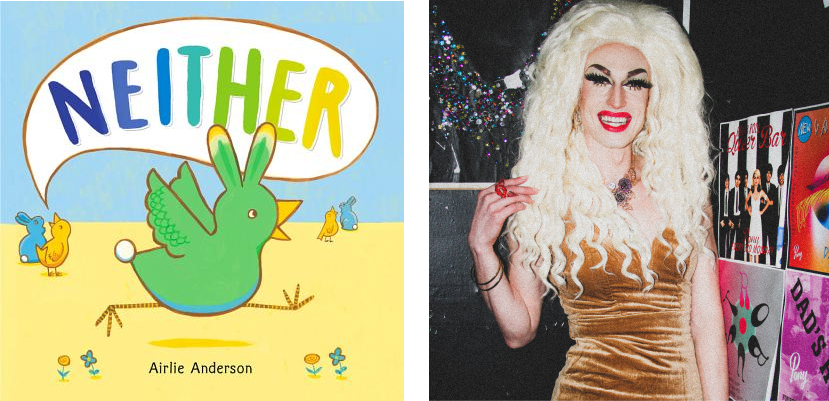
What are you reading now?
Right now, I've been reading Neither by Airlie Anderson at the Drag Queen Story Time events I've been doing. It's a sweet picture book that really captures one of the things I love most about Pride: that allowing people to be themselves can create a lot of beauty in the world. I know so many wonderful people, both young and old, that are neither this or that — they are themselves and being yourself is the true path to ultimate fierceness!
What did you read last?
I've been eating up all of the excellent reporting from the New York Times on the 50th Anniversary of Stonewall. There is so much rich history and wisdom to learn from queer elders. It also really underscored the need for the LGBTQ community to start organizing around the needs of our communities as they age & evolve. I'm telling you, I will be very unhappy if my retirement home doesn't have a weekly drag brunch with bottomless mimosas!
What are you reading next?
I really need to pick up a cookbook, for one. I'm terrible at cooking, but really thrive when I'm ordering take-out. If anyone has any good recipes, feel free to roll it up with a dollar bill and tip it to me at my next gig! A mom on the go is always multi-tasking.
The Help Desk: Where did my gay literature section go?
Every Friday, Cienna Madrid offers solutions to life’s most vexing literary problems. Do you need a book recommendation to send your worst cousin on her birthday? Is it okay to read erotica on public transit? Cienna can help. Send your questions to advice@seattlereviewofbooks.com.
Dear Cienna,
Bookstores and libraries used to have Gay Fiction and African-American Fiction sections. They’re pretty much gone now, but some people miss them.
Okay, fine—I’ll stop using weasel words like “some people” and just admit it: I liked browsing in a section where I knew every author was queer and where heteronormative thinking was nowhere to be seen. It felt relieving, like taking off a pair of tight pants after a long day. But younger people tell me they think those sections were ghettos that kept straight white folks from encountering other perspectives. They think I’m crazy for missing Gay Fiction bookstore sections.
So I want to ask you: Is my nostalgia for the good old days of Gay Fiction sections some kind of base capitulation to the straightriarchy?
Donna, Central District
Dear Donna,
I think your nostalgia proves the straightriarchy is slightly less straight than it used to be. But let me first say, I understand how comforting the urge to compartmentalize is. I often wish there was a section in the bookstore I frequent reserved for vegans who love Carl Sagan – vagans, as I call them. There, they could lecture on seitan and the universe in peace, while I do neither of those things, also in peace. But alas, they are allowed to mix with the normals and something in my face screams "Please tell me about your favorite meat substitute and why you think the science fiction novel Contact is actually more nonfiction than most nonfiction books."
(It is not my mouth, by the way. My mouth has never screamed either of those things.)
But let's break down what you actually miss and why it no longer exists. You miss the sacredness of a space that acknowledges your identity and caters to your tastes, wants, and needs in a world that was at best, ignorant, and at worst, hostile. In that space and time, a lot of the rainbow was closeted and "gay fiction" was a niche genre.
But now there are queer authors who write about everything; there are queer authors who write about queer experiences; and there are authors who don't identify as queer but write about queer experiences (straight women LOVE to write historical gay erotica, FYI).
What would your ideal section hold – all of them or only some? Where would you put a book like the Pulitzer-Prizewinning novel Less, which is about a gay man written by a gay man but has huge mainstream appeal?
Times change, and bookstores change pretty fast with them because book people are among the most empathetic individuals in Sagan's big beautiful universe. Fortunately for you, queerness has become more mainstream. Unfortunately for you, as the stream has widened, more people are going to wade in.
Kisses,
Cienna
The Portrait Gallery: Gertrude Stein
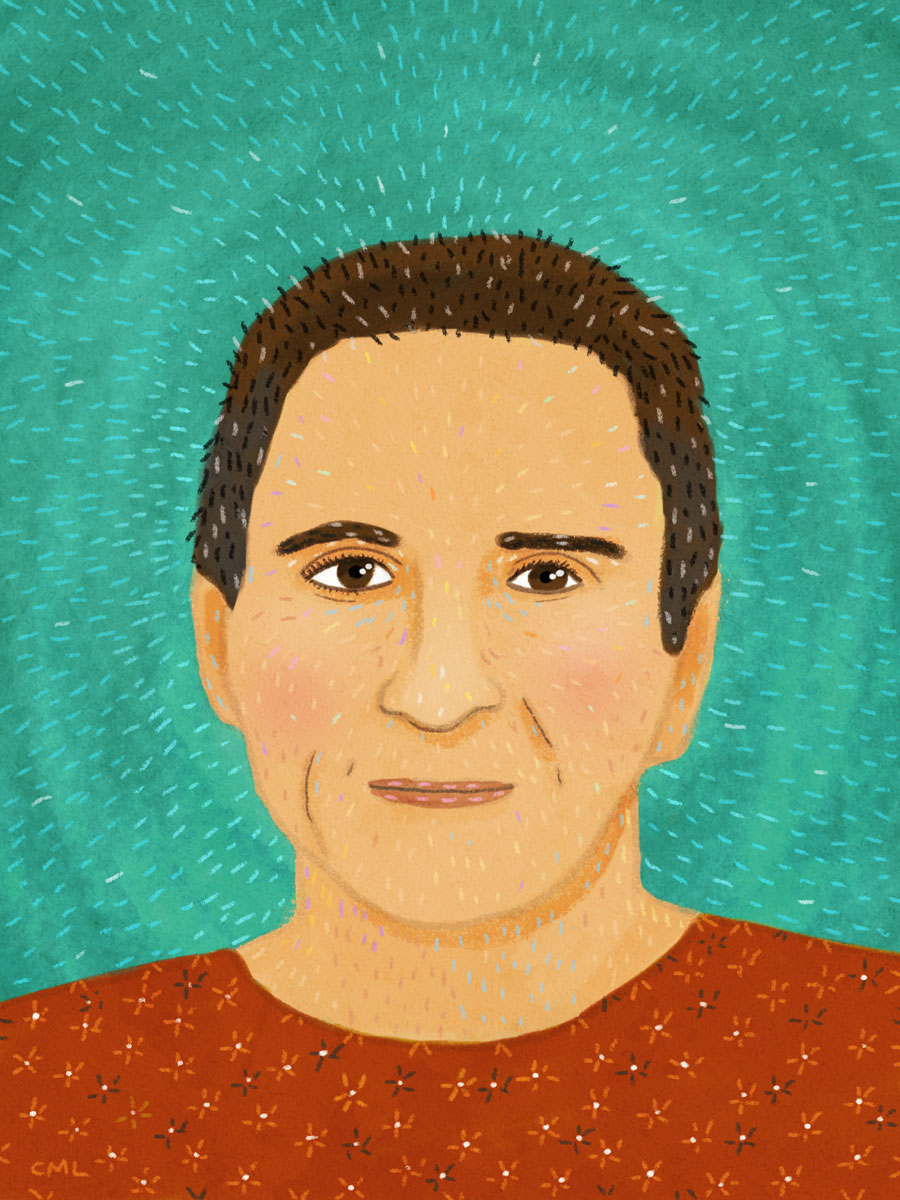
Thursday, June 20th: The World Is All That Does Befall Us Reading
Seattle author and publisher Thomas Walton debuts his new poetry collection with “a celebration of grief and Gertrude Stein!” He’ll be joined by Amaranth Borsuk, John Burgess, Nadine Antoinette Maestas, and Ivory Gray-Smith in a reading-and-music extravaganza that honors Stein and tries to defeat grief “once and for all.” Hugo House, 1634 11th Avenue, 322-7030, http://hugohouse.org, 7 pm, free.
Thursday Comics Hangover: Checking in with Nancy
A year ago, I had a lot of kind words for the new Nancy comic strip. Today, I just want to take a moment to remind you that the cartoonist who has taken over the Nancy comic strip under the pseudonym "Olivia Jaimes" is still killing it. As she's getting more comfortable with the strip, Jaimes is starting to make her own mark on Nancy's pacing and comedy. Look at the last two panels of the most recent Sunday Nancy strip:

The way that the giant pile of fries overlaps with the "THANKS" word balloon is a quiet act of genius; something about the visual impact between dialogue and object makes both elements more evocative. It makes the pile of fries look even bigger than it otherwise would, and it imbues the word balloon with the sound of the fries: you can almost hear Nancy gulping down fries before and after saying "THANKS."
Jaimes is also employing postmodern humor to great effect. Nancy's creator Ernie Bushmiller loved to make meta-jokes in Nancy — he always "took Labor Day off" by sloppily illustrating a strip, for instance — but Jaimes mines comedy out of the awkward limitations of a daily strip, like the problem of naming characters in an organic way. And the meta-comedy is drop-dead hilarious in its own right: this strip about optical illusions, for instance, has got to be an all-time classic of the series. Not every meta-commentary lands perfectly — this (literal) sight gag isn't quite perfect — but there's nothing lazy about any of them.
It's almost impossible to remember now, but there was one time when the most inventive, interesting comics you could find were on the comics pages. Jaimes might not be reinventing the medium with Nancy, but she's putting more thought into the kind of weight each minimalist panel can carry without breaking than just about anyone in the medium today. As she stretches and becomes more comfortable with the job, I expect to see more formal experimentation on Nancy. Hopefully that enthusiasm will spread to the other (almost entirely moribund) strips on the funny pages — if so, it won't be long before we're all thinking of the comics page as the smartest place in cartooning.
Doing well by doing good
Published June 19, 2019, at 12:00pm
The private sector brings new perspective — and a lot of money — to social good. But what other baggage do they carry?
Joy Harjo named first Native American US Poet Laureate
Joy Harjo is to become the twenty-third US Poet Laureate, and the first Native American to hold that role.
Harjo, 68, will represent both her Indigenous culture and those of the United States of America when she succeeds Tracy K. Smith as the country's 23rd Poet Laureate Consultant in Poetry (that's the official title) this fall. Her term, announced today by Librarian of Congress Carla Hayden, will make her the first Native American poet to serve in the position.
"It's such an honoring for Native people in this country, when we've been so disappeared and disregarded," Harjo says. "And yet we're the root cultures, over 500-something tribes and I don't know how many at first contact. But it's quite an honor ... I bear that honor on behalf of the people and my ancestors. So that's really exciting for me."
Wonderful news. There are many poems to offer a quote from, but this, from "Speaking Tree", has always stuck with me:
The deepest-rooted dream of a tree is to walk
Even just a little ways, from the place next to the doorway
—
To the edge of the river of life, and drink —
Let's not go back to the Hunger Games
Apparently, author Suzanne Collins is writing a prequel to her Hunger Games trilogy.
Let's be clear that I'm a fan of what Collins built with the Hunger Games. I loved the first Hunger Games novel and film, and I thought the second book was a decent extension of the universe. The last films were atrocious — a genuine waste of time, and the last book felt rushed, with giant social changes that were largely unearned.
But I refuse to read any prequels set in this world, and I refuse to watch any movies set in this world. Dystopian prequels are just about the least interesting plot known to humanity: things were bad, and then they got worse. The end. Perhaps it's possible for some genius to make a dystopian prequel worth reading — George Orwell's 1982, maybe? — but I don't want to encourage this kind of thing on general principle.
Many years ago, in fact almost exactly a decade now, I interviewed author China Mieville. We were talking about some reboot idea that wound up not getting made — a Buffy the Vampire Slayer reboot — and Mieville suggested a consumer movement he called "Let's Not Go."
Even then, in the years before summers packed with inessential sequels and other franchise maintenance, Mieville argued that audiences needed to look corporate entertainment squarely in the eye and say, firmly but directly, "no thank you!"
"I'm trying to propagate this as a meme in geek culture," Mieville said at the time. "How about we don't go and see it and don't talk about it incessantly? Because it's just shit."
Of course, that Buffy reboot didn't happen, and most of these reboots are swiftly forgotten. I made a choice to not review the ghoulish To Kill a Mockingbird sequel that Harper Lee's estate forced out and that turned out to be the right choice. Everyone has forgotten about the book.
I'm making the call, here, with apologies to Mieville for taking his idea and running with it: Let's Not Go back to the Hunger Games universe. Let it lie. We don't need any novels thick with dumb foreshadowing about stories we've already heard. We don't need another plot that fills in gaps that no reader ever wondered about. We just don't need franchise fodder like this in our bookstores.
I'm not interested. Are you?
Laura Da' is Hugo House's new Poet in Residence
Yesterday, the Hugo House announced that Laura Da' is their 2019-2020 Poet in Residence. The press release announced that Da' "will engage underrepresented communities to find out what they want and need in a writing center, making a point to listen carefully to voices that have traditionally been underserved by arts organizations."
I interviewed Da' six months ago when she was a Seattle Review of Books poet in residence, and she told me that titles from institutions are helpful for her. "I’m fairly introverted and shy, so usually I need an extrovert to sort of adopt me," Da' said at the time. By being a Hugo House Fellow and a Jack Straw Writer, she explained, "I found a place in the Seattle poetry community.”
The great thing about Da' is that she's so gracious with her praise — any conversation with her will involve five or six other poets Da' can't stop enthusing over. She thinks of her work as a piece of a community, and she always keeps that community in mind. As far as I'm concerned, that makes her an excellent choice for Poet in Residence.
Let's talk about why the Library Levy renewal needs your support
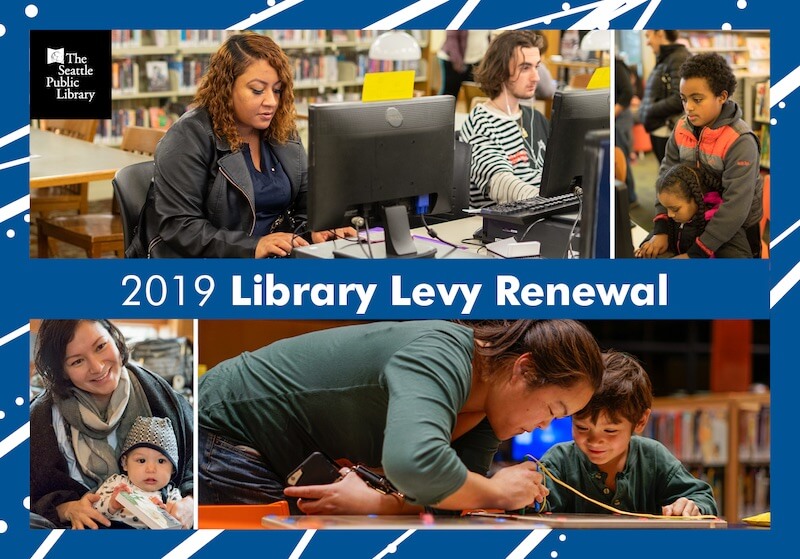
This August, Seattle will vote on a Library Levy renewal that will add 10,000 service hours to libraries around the city, pay for more materials and services, seismically update several neighborhood branches, and eliminate fines in the Seattle Public Library system.
To those of us at the Seattle Review of Books, the Library Levy, which will cost the average Seattle homeowner $3 a month in property taxes, is a no-brainer. That's why our editorial board unanimously voted to endorse the Levy—our first-ever electoral endorsement.
But let's play devil's advocate: Say you're skeptical about where your tax dollars are going. Say you don't like to pay taxes unless you can see the funds being put to efficient use — that your tax dollars are doing the most good to affect the lives of the most people.
If this describes you, I have some great news: the positive benefits of the Library Levy are incredibly easy to prove. Just head to your nearest Seattle Public Library branch and pay attention to what's happening there. It's likely that you'll encounter kids reading and studying, book clubs meeting, adults looking for work and taking classes, and people accessing any number of programs and services that will improve their lives for the better. The profound benefits of library service happen right there, in broad daylight, every single day.
I talked with three library patrons who meet for groups at two different branches around the city. Camille Jassny and Dan and Dave Ortner have known each other through the library for years. All three are active participants in both the Low Vision Book Club at the Central Library downtown and a Low Vision Support group that meets at the Capitol Hill branch. Camille co-founded the book club with help from SPL and the Washington Talking Book and Braille Library as part of the Library Equal Access Program) back in 2006.
"It's just been growing ever since," Camille tells me over the phone. "We're the biggest book group, actually, in the downtown library," drawing anywhere from 15 to 25 members depending on the month.
The location is a big part of the draw. "Everybody loves to come to the Library," Camille says. "We meet from 11:30 to noon to visit, and then from 12 to 1 we do our book group and then we go to the restaurant across the street and have soup."
"Dan and I got involved with the book group about 5 years ago," Dave says. The brothers have a degenerative disease and "we lost most of our vision about 9 years ago. We started going to Camille's support group and then we started going to her book group, too."
Today, the brothers are co-leaders of the book group, which Dan says means they "prompt questions and discussion." Camille still facilitates the support group that she founded in 2006. That group has only just started meeting at the Capitol Hill library this year after several locations fell through in the past. Camille says staff at the library "have been so wonderful to us. I mean, they make sure the room is available for us, and they organize everything. The librarians make sure we get up to the room and they make it a really welcoming experience."
Do Dan and Dave and Camille have anything they'd like to say to voters who are considering the Levy?
"People don't realize how important a library is," Camille says. "You don't have to pay to go to the library — you read there and socialize there and they have lectures and talks and it's a great place for kids. When I had my kids that was the first place I ever took them — to the library storytime."
"This Levy is especially important," Dave says, "because it is specifically set aside for longer hours. People work such odd hours now these days and it's great to to be able to get to this great resource for anything you're looking for at any time."
All three cite the library's kind workers, who'll go out of their way to make them feel welcome and provide resources personalized just for you. "They work within your needs, which is really fabulous," Camille says.
Dan is especially fond of the library's Seattle Reads program, which brings an author to town to meet with audiences and book clubs. This year's selection, The Best We Could Do, "was a graphic novel, which was really unusual and different for for low-vision and blind readers."
Of course, as with any discussion between avid readers, the conversation turns to books. Camille's favorite book from the last year of her book club selections was My Name Is Malala.
"Last year," Dan says, "everyone's favorite was [Amor Towles's novel] A Gentleman in Moscow. Everyone really gravitated to that."
In college, Dave majored in English with a focus on nineteenth century novels, so Thomas Hardy's Far from the Madding Crowd was his favorite selection last year. "Usually once every year, the group usually picks out an older one, or a classic," Dave explains. They recently read The Good Earth trilogy.
But after recommending titles, the conversation turns back to the Library Levy. "All of us feel really strongly that if you can keep the library opened for more hours, with more security, and more opportunity for kids and activities for people, good things will happen," Camille says.
If you have any doubt, she concludes, "come in to the library yourself. Go to an event." The three are sure that any doubts you may have will fade away when you feel the power of a community where everyone is welcome.
Data Entry
Sometimes I read the whole
medical record when I only need part
The whole record is only a piece of the story
which is more than
I need to know about a man
who insists he only kills
People who come back to life
in ten minutes
In his unwell mind he’s careful to stab
only police officers
Because they return as hoards
in blue or khaki uniform
I know this man’s ten minutes means eternity
to an officer of the law
It means forever to any family
of the killed or the killer
I once watched dew evaporate
from wings disguised as leaves
For ten immortal minutes
(my first Praying Mantas)
I find the bits of the record I need
to populate required data fields
The final hour of my work day
Feels like a boundless green lawn
needs another mow
A writing retreat, when a full retreat is out of the question
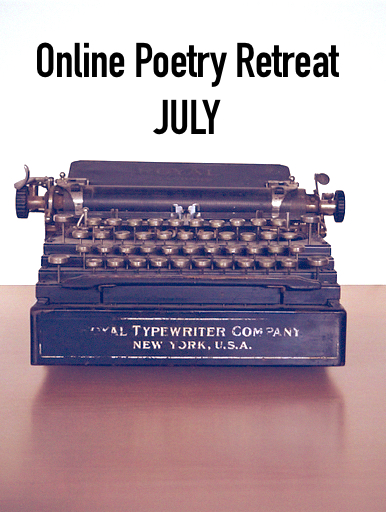
Are you writing, right now? Have you promised yourself you would start, soon? Are you taking the time to nurture that part of yourself? Wishing you could do a writing retreat, but getting away from everything for a week is just not possible?
Sponsor Two Sylvias Press has a great solution for you. Their one-week online writing retreats combine the focus and teaching of the best retreats, with the opportunity to blend them into your daily life.
Their sessions are starting soon — read more on our sponsor's page about the amazing guest poets they lined up to critique your work, and find out about how you can sign up for these cost-effective ways to make sure you're meeting your writing goals.
Thanks to Two Sylvias Press for sharing this message through us! You know you're part of the best book city in the world, and we want everyone to know who you are. Grab one of the last dates in June and July — we've just added a discount to them! — and put your book, event, retreat, or class in front of our readers. We'd love to see you in this space.
Your Week in Readings: The best literary events from June 17th - June 23rd
Monday, June 17th: Mamaskatch Reading
Northern Alberta author Darrel J. McLeod is "executive director of education and international affairs with the Assembly of First Nations," and his award-winning first book from the amazing Milkweed Editions is a memoir about growing up Cree. Elliott Bay Book Company, 1521 10th Ave, 624-6600, http://elliottbaybook.com, 7 pm, free.
Tuesday, June 18th: Trisha R. Thomas Reading
The bestselling author of Nappily Ever After will discuss her very successful and award-winning career as a writer, which includes a book becoming a Netflix film, an award from King County Library Foundation, and a "Books that matter" nod from Oprah's magazine. Northwest African American Museum, 2300 S Massachusetts St, 518-6000. http://naamnw.org, 7 pm, free.
Wednesday, June 19th: The Last WordsWest
See our Event of the Week column for more details. C&P Coffee Co., 5612 California Ave SW, http://wordswestliterary.weebly.com, 7 pm, free.
Thursday, June 20th: The World Is All That Does Befall Us Reading
Seattle author and publisher Thomas Walton debuts his new poetry collection with "a celebration of grief and Gertrude Stein!" He'll be joined by Amaranth Borsuk, John Burgess, Nadine Antoinette Maestas, and Ivory Gray-Smith in a reading-and-music extravaganza that honors Stein and tries to defeat grief "once and for all." Hugo House, 1634 11th Avenue, 322-7030, http://hugohouse.org, 7 pm, free.
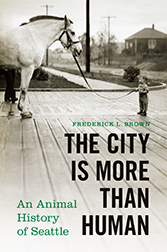
Friday, June 21st: he City Is More Than Human Reading
Local historian Frederick Brown reads from his latest book, which tells Seattle history through the story of the animals that helped shape the city. Elliott Bay Book Company, 1521 10th Ave, 624-6600, http://elliottbaybook.com, 7 pm, free.
Saturday, June 22nd: How to Love a Country Reading
When I reviewed Richard Blanco's new book of poetry, I had a lot to say about Blanco's role as Big Damn Poetry Deal. But his book, while not perfect, is still very interesting and Blanco is a sublime reader of his own work. Elliott Bay Book Company, 1521 10th Ave, 624-6600, http://elliottbaybook.com, 7 pm, free.
Sunday, June 23rd: A Thread So Fine Reading
Susan Welch's new book A Thread So Fine is about two sisters who have big plans for their lives. As so often occurs in fiction, "tragedy strikes" and their relationship is forever changed. follows the lives of Eliza and Shannon Malone. Eliza plans to Third Place Books Seward Park, 5041 Wilson Ave S, 474-2200, http://thirdplacebooks.com, 7 pm, free.Literary Event of the Week: The very last WordsWest
After five years of readings, WordsWest, West Seattle's premier reading series, is coming to a close on Wednesday the 19th. Why, at a time when West Seattle is growing faster than ever, are the curators hanging up the series?
“It’s a lot of work,” series co-founder Katy E. Ellis told me recently. Ellis started the series with local poets Susan Rich and Harold Taw, and the three have been curating ever since. “There are so many details and things that we do to make it a nice series that it’s hard to keep up," Ellis said. "Five years seemed like a good round number, and we wanted to end on a high.”
It really is quite a high note: Readers at the last WordsWest include Elizabeth Austen, Quenton Baker, Rick Barot, Claudia Castro Luna, Christine Deavel, Lyanda Lynn Haupt, Rachel Kessler, J.W. Marshall, Greg November, Renee Simms, and Ann Teplick. “It’s hard to give it up,” Ellis said, “but I also look forward to that freedom. I feel like I might hermit for a little bit.”
Is this garden party the end of WordsWest forever? Ellis refuses to shutter the whole thing permanently. “We want to leave a door open to have one or two events a year.” Just because the monthly series is over, she says, “it doesn’t mean WordsWest is totally dead.” With the Paper Boat bookstore opening just a few blocks away, after all, West Seattle is about to get a lot more literary, and WordsWest should have a part in celebrating the West Seattle literary scene that the series helped to reinvigorate.
C&P Coffee Co., 5612 California Ave SW, http://wordswestliterary.weebly.com, 7 pm, free.
The Sunday Post for June 16, 2019
Each week, the Sunday Post highlights a few articles we enjoyed this week, good for consumption over a cup of coffee (or tea, if that’s your pleasure). Settle in for a while; we saved you a seat. You can also look through the archives.
‘No-No Boy’ went from unknown book to classic thanks to UW Press and Asian American writers. Now, it’s at the center of a controversy.
Moira Macdonald on a dispute over copyright, and the ethics of appropriation when a work is in the public domain — the UW Press has been publishing No-No Boy since 1979 (it was first published in 1957). The Seattle-based novel of a Japanese American returning from internment camps after World War II is an important piece of Asian American art and history.
Now “No-No Boy” is widely recognized as a classic of Asian American literature; taught in countless classes, it’s a crucial, artful record of a chapter in history many would like to forget. And lately, it’s been at the center of a controversy involving two publishers, one local and one national, with some prominent Asian Americans saying the publication of a new edition of the book overlooks the work of those who brought the novel to light and kept publishing it for years, as well as the wishes of the Okada family.
Five Ways To Survive Fathers Day
On Father's Day, I often think of this piece by local writer Scott Berkun about how this day can be hard for people who didn't know their father, or had a bad relationship with him. While Scott wrote a whole book "in part to redefine who I am, and how I relate (or did not relate at all) to the father of my birth" there are many who struggle more quietly, perhaps with less ability to frame or explain the hard feelings. Scott's tips on making it through are sound, but I especially like his first:
1. Make it “men who helped you” day. Make a list of other men (or women if no men qualify for you) who helped you in your life. Give them a gift or write them a note that you’re grateful for what they did. Perhaps a high school teacher or coach? A boss who mentored you? Or even an older friend, or uncle, who has given you fatherly advice now and then. Let them know that they helped you.
The Dad-Joke Doctrine
Ashley Fetters explores Dad jokes: what they are, why they are, and why we can't stop loving and hating them. I'm on the love side, myself (as a Dad, so perhaps obligated), but I can see why so many find them, um, punishing.
But if there’s one feature that can immediately categorize a joke as a “dad joke,” it’s wordplay, especially of the unsophisticated variety. Examples: “Hey, do you know what time my dentist appointment is? Tooth-hurty.” “You know why they always build fences around cemeteries? Because people are dying to get in.” The purposeful confusion of “smart feller” and “fart smeller.” This famous exchange: “I’m hungry.” “Hi, Hungry. I’m Dad.” (Which in turn inspired a popular tweet about parents’ acceptance of their LGBTQ kids: “Mom, Dad ... I’m gay.” “Hi, Gay. I’m Dad.”)
William S. Burroughs and the Cult of Rock ‘n’ Roll
Casey Rae's new book about Burroughs and his influence on music is excerpted in this piece on Long Reads, centering around what Dylan learned from the cut-up writer. Burroughs influence is hard to overstate, the most unique of the Beats — the group he is, by association and very poorly grouped with. Unlike the Beats, Burroughs was not down-and-out — he came from a great fortune, and lived his life as the son of incredible privilege that afforded him the ability to talk about things people of his station did not: drugs, homosexuality, just to name a few. His genius was in the method of communication. And, of course, his influence.
The indestructible Iggy Pop, himself a Burroughs acolyte, notes the Dylan connection in a BBC Radio profile of the author. “He’s even in Dylan’s ‘Tombstone Blues’!” Pop exclaims, before firing up the track, which includes a verse believed to reference Burroughs: “I wish I could give Brother Bill his great thrill / I would set him in chains at the top of the hill / Then send out for some pillars and Cecil B. DeMille / He could die happily ever after.” To Dylan, Burroughs was impossibly hip — James Joyce with nasty habits, T. S. Elliot with a cane sword. Dylan’s evolution from shy folkie to idiosyncratic icon was greatly accelerated by his immersion in the rhythm and meter of Burroughs’ writing. As scholar James Adams notes, “Without Burroughs and his experiments, Dylan might not have been pushed to compose lines that resemble cut-ups but still emerge from some more personal, purposeful, honest, and human place like those Dylan wrote in 1965.” Take, for example, the lyrics from “Gates of Eden,” which evoke the illumination made possible by cut-ups:
Whatcha Reading, Katy E. Ellis?
Every week we ask an interesting figure what they're digging into. Have ideas who we should reach out to? Let it fly: info@seattlereviewofbooks.com. Want to read more? Check out the archives.
Katy E. Ellis is a poet and educator. She's worked with Seattle Arts and Lectures' Writers in the Schools program, and is a co-founder and co-curator of WordsWest, a monthly literary series in West Seattle, which is ending its five-year run on Wednesday, June 19th (read more in our interview with her). Ellis is our Poet in Residence for June, and so far, we've published two poems from her: All Signs Are Dares, and To Squamish Waters.
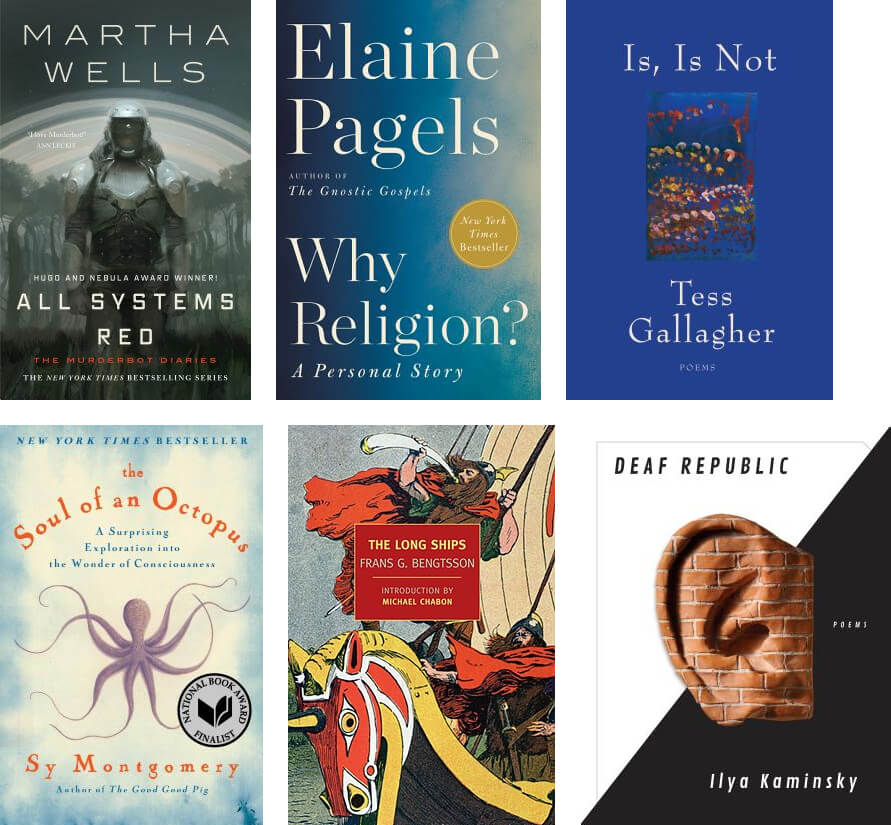
What are you reading now?
A lot of the time I have a couple books on the go — like to have fiction/nonfiction — and then some poetry on the side here and there.
- I'm pretty deep into the Murderbot Diaries by Martha Wells. (It's like eating Cheetos.)
- In tandem with that, in bits as emotionally possible, Why Religion by Elaine Pagels.
- And current poetry book Is, Is Not by Tess Gallagher (she was just at Vashon Bookstore!)
What did you read last?
- The Soul of an Octopus by Sy Montgomery.
- The Long Ships by Frans G. Bengtsson.
- Deaf Republic by Ilya Kaminsky (I guess who's NOT reading or read that?!?)
What are you reading next?
- Planning to read something by Miriam Toews — not sure which one!
- And I want to explore poet Hannah Sanghee Park.
The Help Desk: She did it her way
Every Friday, Cienna Madrid offers solutions to life’s most vexing literary problems. Do you need a book recommendation to send your worst cousin on her birthday? Is it okay to read erotica on public transit? Cienna can help. Send your questions to advice@seattlereviewofbooks.com.
Dear Cienna,
Do you have a favorite question that you’ve been asked in your time on the Help Desk? Do you wish you could do a take-back on one of your answers?
Jen, Magnolia
Dear Jen,
I actually don't have a favorite question – each question asked is both a surprise and a delight, as are my responses! There are, however, two questions I generally avoid answering:
What's your favorite book?
and
Why are you flipping off the sun?
My taste in books is mercurial, perhaps because of all the mercury I ingest as a byproduct of my hobby handcrafting artisanal fluorescent light bulbs in preparation for the day the sun dies.
I will say today, my favorite book is Idaho by Emily Ruskovich but who knows, tomorrow maybe I'll discover Shakespeare or some shit.
As for regretting an answer, I don't usually dwell on my actions long enough to form regrets, but I actually do have one: It was my response to this question about whether "good" literary translations can exist. What I failed to note in my response is that many of the works we consider classics already are translations – the Iliad and Odyssey, the Inferno, Brothers Karamazov, Les Miserables, and Crime and Punishment are some of my favorites (depending on the day and how many light bulbs I've got in my system).
Kisses,
Cienna
The Portrait Gallery: Eve Ensler
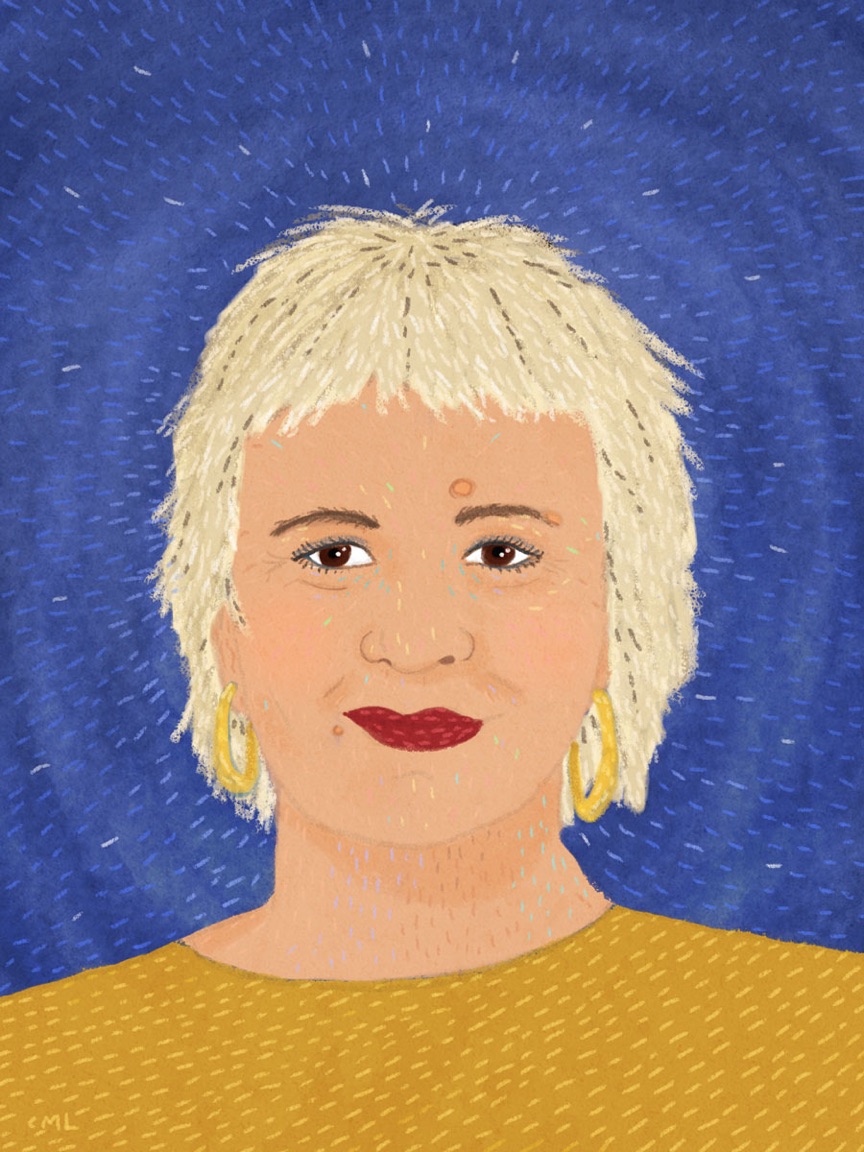
Friday, June 14th: The Apology Reading
Eve Ensler’s latest book is a searing exploration of child abuse and forgiveness and memory. It’s about the apology that Ensler always wanted, but never received, from her own father. Ensler will appear in conversation with Amy Wheeler, the executive director of the amazing writing organization Hedgebrook. Hugo House, 1634 11th Avenue, 322-7030, http://hugohouse.org, 7 pm, free.
The Future Alternative Past: See translation
Every month, Nisi Shawl presents us with news and updates from her perch overlooking the world of science-fiction, fantasy, and horror. You can also look through the archives of the column.
I write this column in English, and chances are good that’s the language you’re reading it in. Actually, though, SFFH is written in over a score of languages, and it posits a myriad more. Neil Clarke, editor and publisher of the online magazine Clarkesworld recently received the Kate Wilhelm Solstice Award for his work bringing stories in Chinese and Korean to Anglophone readers, and there are plenty of additional translations for us to enjoy — SFFH originally published in Spanish, Japanese, Nigerian, Italian, and many other human tongues.
But what about High Dwarvish? What about Klingon? What about R’lyehian?
Lacking a Universal Translator we must rely on authors’ representations of the speech of monsters, elves, and extraterrestrials. As far as communication between characters goes, fictional UTs abound, but they can also be derided, as in Maureen McHugh’s novel Mission Child, or eschewed when the point of the story is to show the effects of absorbing alien concepts, as in Ted Chiang’s “Story of Your Life” (adapted for film as Arrival). (Sometimes, as with the “common language” used in Gwyneth Jones’s Tiptree Award-winner White Queen, they’re both eschewed and derided.)
The Hitchhiker’s Guide series by Douglas Adams introduced the concept of the Babel fish, an imaginary biological UT whose name was appropriated by an actual translation website.
My contribution to the trope of translation begins with “Black Betty,” a story about a beagle who can speak English — of a sort — with the help of an expensive collar/antenna. In the first sequel, “Red Matty,” Betty the Beagle falls in love with a similarly equipped elephant; in the second sequel Betty’s best friend, a cat named Baby Boo, falls in love with a parrot. Though situated squarely within the SF genre, the Betty series harks back to fantasies aimed at children such as Dr. Dolittle, the Chronicles of Narnia, and The Jungle Book. And these, in turn, hark back to folk- and fairytales such as “The White Snake,” in which the power of understanding what animals have to say is magically bestowed.
There are thriving communities dedicated to the creation and study of non-human-and-also-non-beast tongues. Conlangers have imagined new grammars, syntaxes, even alphabets as part of their constructed languages, then made the fruits of their obsessions freely available to all. Here’s an automatic translator for the native tongue of H.P. Lovecraft’s ruined cyclopean city R’lyeh, and here’s another for George R.R. Martin’s Dothraki. There’s also a conlang subreddit including translations, and with threads asking and answering questions about how to deploy variousSFFH languages. Will children learn them easily? How do you show different registers — formal elocution versus slang, intimate versus impersonal, and so on? How should they change over time?
Because languages do change — swiftly, unexpectedly. Vowels shift and meanings mutate until translations become necessary not simply between nations but between generations. ShakespeareanEnglish is semi-unintelligible to most modern English speakers. If humans 500 years from now speak some new version of English, what will they understand of our own?
Recent books recently read
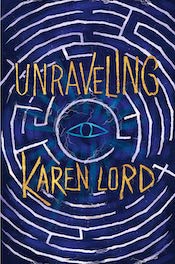
Though billed as a standalone, prize-winning Caribbean author Karen Lord’s latest novel, Unraveling (DAW), is a sequel to her first one, Redemption in Indigo. Perhaps the new book was marketed this way because it’s offered by a different publisher? Undying entity Chance (known to the Senegalese people as a djombi), who at the end of Indigo was forcibly incarnated as a child of the wise cook Paama, joins forces with forensic therapist Miranda Ecouvo to ferret out the party ultimately responsible for a series of nasty murders. Lord’s brisk, straightforward prose style works especially well to tell a tale of angels and other immortals accustomed to the kinky chronologies lying outside time. As Dr.Ecouvo walks labyrinthine paths through futures that include her possible death and, alternatively, a severely limited, pain-filled life, paradoxes give way to passionate curiosity and stubborn good intentions.

Strictly speaking, Erin K. Wagner’s novella The Green and Growing isn’t all that recent; Aqueduct Press published it way back in January of this year. But I did just read it, and I’m struck by how appropriate an analogy it is for allyship. In short, dense chapters, Wagner relates the encounters of Ward Miquita with the people of the planet her father conquered. Miquita is twenty-seventh of the conqueror’s forty-two daughters, and more or less a hostage whose presence helps ensure both sides adhere to the peace treaty with which the war ended. But Miquita wants to do more than that — she wants to repair the damage her father caused to the losers’ planet-wide, plant-based AI. She encounters an unexpected obstacle: her hosts contend she has no right to access the sacred memories the injured AI holds. Miquita’s nuanced privilege, the fierce defense mounted against her intrusiveness by those she wants to benefit, the depth of sacrifice ultimately required of her, all resonate strongly with me and remind me of the stress evident in modern day interactions between whites and POC. Gorgeous images of a richly strange world cover this ethical armature in a sweetly fleshy narrative, a joyful ferment of words.
Couple of upcoming cons
Once again I recommend attending Readercon which prides itself on being the antithesis of a media-focused convention. Maybe that’s a good thing? There’s still a screening scheduled for GOH Tananarive Due’s documentary "Horror Noire: A History of Black Horror". And a concert. However, those are only two events on top of the usual literary fare: panels, interviews, readings, and the small-group discussions with pros listed on your program as kaffeeklatsches. In other words, Readercon is, as the name implies, pretty solidly text-oriented.
Not so Blerdcon, which features a five-minute video tribute to cosplay on its website: Killmonger gets down with some joy-filled Super Mario Sistahs; multiple Deadpools pop, lock, and drop it with Star Wars revolutionary Rose Tico; it’s a geek visuals party! The majority of the participants pictured are African descended, but other ethnicities represent as well, giving off a nicely inclusive, welcoming vibe.
Wish I could say the same for Geektopia. Encouraged by the description of “A community that accepts all, practices tolerance and celebrates diversity,” I scrolled through page after page of their website and found one guest who’s definitely of Chinese extraction, and one other photographic subject who is, shall we say, ambiguous. In the words of Bozo the Clown, Geektopia is an “almost winner.”
Thursday Comics Hangover: Hi-ho, Silver
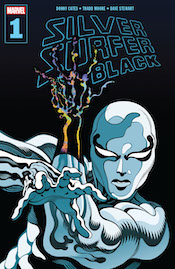
I didn't enjoy the Silver Surfer as a kid, because as a kid I was interested in the plot of superhero comics — I was most interested in learning if good would triumph over evil (spoiler alert: it would). But the older I get, the more fondness I find in my heart for the Silver Surfer. He's a silver Oscar statuette on a surfboard, soaring through outer space and musing aloud in huge, unselfconscious monologues about ideas like guilt and loneliness and destiny and forgiveness.
Every Silver Surfer comic is a journey into interiority. The bad guys and their motivations don't really matter. What matters most is if the Surfer can come to some kind of a comfortable understanding with his own place in the universe, even if that understanding lasts just until the next issue.
Yesterday saw the release of the first issue of Silver Surfer Black, a miniseries written by Donny Cates, drawn by Tradd Moore, and colored by Dave Stewart. It ties in to a whole bunch of current Marvel Comics, but narration catches up new readers with relative grace in the first few pages.
The first thing any great Silver Surfer comic needs is a brilliant artist, and Moore is one of the best to handle the character since Moebius. Every page is stunning — gorgeously designed, sumptuously illustrated, and delightfully weird. It's rare to find a comic artist who appears to be raised in a vacuum — whose work doesn't feel like a retread or a generational step up from some other comic artist.
Moore's pages feel unique. In a few layouts, the action flows smoothly in what most comics artists are trained to believe is the "wrong" direction, and it's as easy to follow for western readers as a Peanuts strip. One page just looks like Surfer floating above a weird cosmic blanket, and Moore makes it twice as compelling as any superhero fight you'll find in a new comic this week.
I have no doubt that Moore's art in black and white is beautiful on its own, but Stewart's coloring elevates the book. By contrasting the darkness of a black hole with the colors of the interstellar firmament, and by plunging the Surfer into a hostile pit of browns and oranges, Stewart divides the book into a few distinct sections that reflect the character's interior life.
And Cates seems to understand the character's need for internal monologues. The Surfer spends an early part of the book luxuriating in self-pity over his complicity in the death and destruction of his past. He comes face to face with an existential loneliness that leaves him shaken, and then, well, there's a concluding bit that reveals a villain and it ties back into something else that Marvel is doing right now and things appear to be getting a little crossover-y.
The Silver Surfer is a character who almost always excels when he's left on his own. When he's thrown into a battle scene with dozens of other heroes he immediately becomes a generic powerful guy, albeit one who speaks in ten-dollar words. The challenge for Cates in the next few issues of Black is to tie the Surfer into Marvel's current happenings — gotta sell those books somehow — while still saving what's unique about the character. But even if Cates can't manage that tightrope walk, though, Moore's art will be stunning enough to make Silver Surfer Black a must-read.
Book News Roundup: Here are the authors attending the first Seattle Children's Book Festival
-
The very first Seattle Children's Book Festival is happening on September 28th, and the organization just announced their lineup including authors like Martha Brockenbrough, Ben Clanton, Vicki Conrad, Varian Johnson, Monique Fields, Kazu Kibuishi, Marissa Meyer, Leuyen Pham, Dana Simpson, Joyce Wan, and Toni Yuly. It will happen at Greenwood Elementary from 11 am to 3 pm. Save the date!
-
Matthew Inman, the east side cartoonist who found huge viral fame under the name The Oatmeal, just announced his retirement from regular cartooning. He's signed a movie deal and will be working on that film for the foreseeable future. "I am not going to disappear, but I'm going to be publishing fewer comics," Inman wrote on his site. He didn't offer any details about the movie, but he did disclose that he worked on the recent animated feature The Secret Life of Pets 2.
-
An author lost her book deal after she was publicly shamed for tattling on a public transportation worker for eating in pubilc. Now the author is suing for $13 million dollars.
-
The response to the author from her book's distributor, Rare Bird, is a beauty. You should read the whole thing:
Statement from Rare Bird pic.twitter.com/9skWTGLJPD
— Rare Bird (@rarebirdlit) June 10, 2019
Talking with Katy E. Ellis about poetry, community, and why now is the time for WordsWest Reading Series to end
Our poet in residence for June, Katy E. Ellis writes narrative poetry that feels as lucid and as clear as a photograph. In "To Squamish Waters,, she tells a Duwamish man's story about the high cost of reincarnation, and "All Signs Are Dares" is the story of a bracing nighttime car ride that becomes more dangerous — even deadly — than it needed to be. Both are complete stories that in prose wouldn't feel out of place in a story collection by a Northwest writer like, say, Raymond Carver.
In fact, Ellis is Seattle through and through: born and raised in Renton, Ellis now lives on Vashon Island. From the moment her very first creative writing teacher in 9th grade handed her books by Tom Robbins for inspiration, she has been an eager participant in the Northwest tradition. Ellis says the teacher was reticent to let her participate in his class because he believed that "freshmen can't write poetry," but her hard work and determination earned her a rare privilege: by the end of the year, the teacher ceremoniously announced to the class that he was wrong, and that freshmen were capable of being poets.
Ellis continues in the Seattle tradition — she's a big Tess Gallagher fan and cites Is, Is Not as a recent favorite collection — in both her writing and in the communities she builds. When I ask about how community informs her work, Ellis offers a jarring answer: "I was excommunicated from my childhood church," she says. She laughs and adds, "that is such rich fodder right there."
The manuscript that Ellis is working on now, titled Stranger Land, explores that connection to place and to people. "I did a lot of travel around the time of my excommunication," Ellis says, and the book begins with those travels. "It's about being a stranger on the outside of religion, and also being literally a stranger in different countries."
Additionally, the book is informed by Ellis's position as a local of a city that is growing at a ridiculous pace, "I do think about feeling like a stranger in Seattle now."
One of the ways that Ellis has helped to build community in Seattle was through the WordsWest Literary Series, a West Seattle poetry reading happening monthly at the C&P Coffee Company. Ellis founded it with poets Susan Rich and Harold Taw,
After five years of readings, WordsWest is coming to a close next week, on Wednesday the 19th. Why, at a time when West Seattle is growing faster than ever, are the curators hanging up the series?
"It's a lot of work," Ellis says. "There are so many details and things that we do to make it a nice series that it's hard to keep up. Five years seemed like a good round number, and we wanted to end on a high."
It really is quite a high note: Readers at the last WordsWest include Elizabeth Austen, Quenton Baker, Rick Barot, Claudia Castro Luna, Christine Deavel, Lyanda Lynn Haupt, Rachel Kessler, J.W. Marshall, Greg November, Renee Simms, and Ann Teplick. "It's hard to give it up," Ellis says, "but I also look forward to that freedom. I feel like I might hermit for a little bit."
But Ellis is already putting out feelers for writing groups to join and artists to share work with. It's all part, she says, of her search for "a thing that's bigger than me and bigger than all of us."
And Ellis refuses to close the door on WordsWest forever. "We want to leave a door open to have one or two events a year." Just because the monthly series is over, she says, "it doesn't mean WordsWest is totally dead."
Buyers circle Barnes & Noble
Last week, it was reported that hedge fund Elliott Management Corp was set to buy Barnes & Noble for less than half a billion dollars. Yesterday, news leaked that a book distribution company called Readerlink LLC is trying to best Elliott Management's offer.
I don't know much about Readerlink, but I can tell you that if you work for Barnes & Noble and Elliott Management wins this bidding competition, you should immediately find new work. I wouldn't trust a hedge fund to run a lemonade stand: they exist to extract money from real businesses, not to build communities or bring a new model to chain retail.
The truth is, I'm not sure that the scale of Barnes & Noble works anymore. I think the only options are giant world-crushing chains or customer-obsessed indie bookstore; anything in between is just begging to be crushed or bought and absorbed or liquidated.
A bear’s death in big sky country
Published June 11, 2019, at 12:00pm
Montana author Bryce Andrews's nonfiction book Down from the Mountain is a whodunnit about the death of a grizzly bear. In a way, we're all to blame.
To Squamish Waters
A Duwamish man told the story
to my daughter at a school assembly.
He drummed in a world
of children who walk into the water
and who return as Salmon
for the villagers to eat.
Now she worries beyond reason
for the Salmon boys and Salmon girls —
the ones who will not walk again
should the drying bones of last night’s dinner
not be returned to sea.
Always the ocean down our street
keeps up its chop and spit and rush
and I pay bills, sack lunches, wash clothes
in cycles spinning my hand-me-down story,
the one I will not give her.
She plucks each bone of a stolen story
from the dish in her hands
and feeds them to the waves that slosh
against her legs like underpinnings
of a miles-long pier.
Thank you, Robert T. Lawrence, for sponsoring us with House of Jesus!
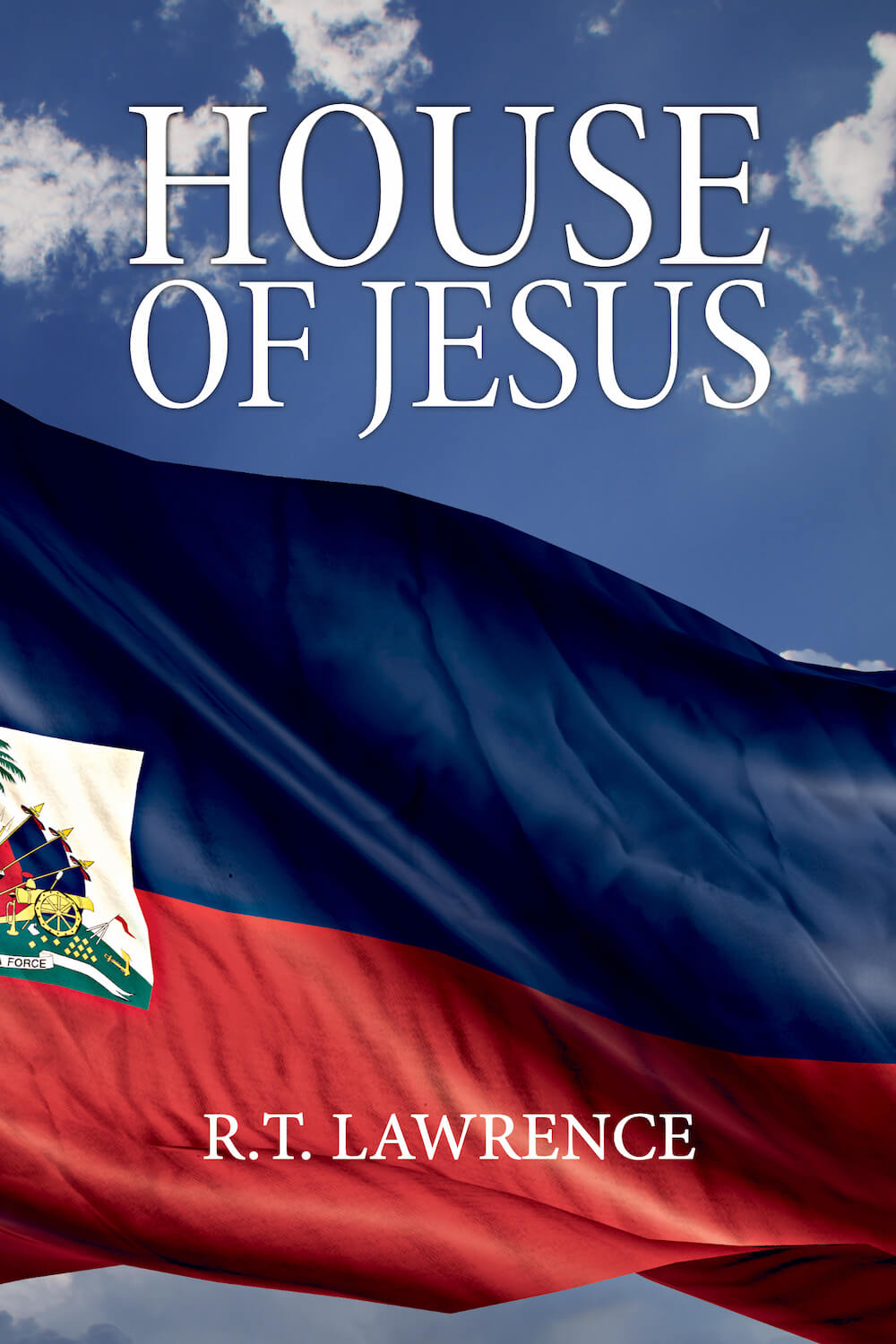
The medical profession is an odd bird: intimately engaged with human life at its most joyful and most sorrowful and most messy — and also, somehow, always holding itself apart. From William Carlos Williams to Henry Marsh, books by doctors betray that carefully guarded distance.
This week, The Seattle Review of Books is sponsored by R. T. Lawrence, who writes a different kind of doctor book. What we love about the Anchorage physician's novels is that they close the gap between doctors and the rest of humanity. Lawrence's second novel, House of Jesus, follows a jaded surgeon to Haiti, just after the 2010 earthquake. Seattle surgeon Phillip Scott (we also love that Seattle setting!) has a classic doctor-knows-best attitude, until he encounters human suffering on a very different scale.
Check out the first chapter from Lawrence's book, which he's
generously sharing on
our sponsor feature page
this week only — and we guarantee you'll be pulled in..
You're part of the best book city in the world, and we want
everyone to know who you are.
Grab one of the last dates in June and July
and put your book, event, retreat, or class in front of our
readers. We'd love to see you in this space.
Your Week in Readings: The best literary events from June 10th - June 16th
Monday, June 10th: This Life of Mine Reading
Two great small business owners come together in conversation! Ada's Technical Books co-owner Danielle Hulton interviews 8 Limbs Yoga Centers founder Anne Phyfe Palmer, whose new memoir This Life of Mine: A Legacy Journal, has just been published by Sasquatch Books.
Ada’s Technical Books, 425 15th Ave, 322-1058, http://seattletechnicalbooks.com, 7:30 pm, $5.
Tuesday, June 11th: Magic for Liars Reading
"Sharp, mainstream fantasy meets compelling thrills of investigative noir" in Sarah Gailey's much-praised new novel. It's about a woman who was born magic-free in a world full of magic.
Third Place Books Lake Forest Park, 17171 Bothell Way NE, 366-3333, http://thirdplacebooks.com, 7 pm, free.
Wednesday, June 12th: The Last Romantics Reading
Seattle author Laurie Frankel joins Tara Conklin onstage to talk about The Last Romantics, Conklin's book about a poet who is asked about the meaning behind her most famous poem. (I reviewed this one back in February.) Folio: The Seattle Atheneum, Pike Place Market, 93 Pike St #307, http://www.folioseattle.org, 7 pm, $10.
Thursday, June 13th: Woodland Reading
Knox Gardner debuts his book of poems about wildfires and the apocalyptic climate here in the Northwest. Technically, this book debuted a few weeks ago, but this is the for-real debut. Think of those other readings as the — ugh — "soft opening" for Woodland, while this is the honest-to-goodness launch party. Hugo House, 1634 11th Avenue, 322-7030, http://hugohouse.org, 7 pm, free.
Friday, June 14th: The Apology Reading
Eve Ensler's latest book is a searing exploration of child abuse and forgiveness and memory. It's about the apology that Ensler always wanted, but never received, from her own father. Ensler will appear in conversation with Amy Wheeler, the executive director of the amazing writing organization Hedgebrook. Hugo House, 1634 11th Avenue, 322-7030, http://hugohouse.org, 7 pm, free.
Saturday, June 15th: Fishes of the Salish Sea Launch Party
See our Event of the Week column for more details. Come Arundel Books, 212 1st Ave S, https://www.facebook.com/events/2344379182442622/, 6 pm, free.
Sunday, June 16th: Vicinity/Memoryall Reading
The former owners of Open Books, Christine Deavel and J.W. Marshall, will read from and discuss their new play. It's pretty great that Deavel and Marshall are still creating new work together after all this time. Maybe all aspiring playwrights should retire from the bookstore business? Elliott Bay Book Company, 1521 10th Ave, 624-6600, http://elliottbaybook.com, 3 pm, free.
Literary Event of the Week: Fishes of the Salish Sea Launch Party
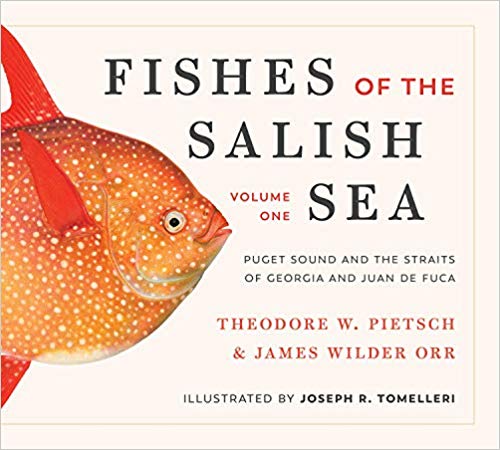
Fishes of the Salish Sea, a new book from UW Press, has supposedly been in production for four decades. Authors and Ted Pietsch and James Orr have been researching the fish in our region, studying their appearances and characteristics down to practically the molecular level. Orr and Pietsch have been collaborating with Joe Tomelleri, a painter who illustrated every single one of the 260 fish featured in the book.
It's not often anymore that you see serious academic texts combined with a more abstract visual art like painting. Photography is generally the only accepted visual medium in science texts, but it's hard to capture meaningful details in photographs of sea life, which is why this book serves as such a unique blend of artistry and science.
This Saturday, UW Press and the creators of Fishes of the Salish Sea invite you to Arundel Books in Pioneer Square to launch the book into the world. Arundel's copy for the event refers to the book as an "important" and "extraordinary feat of scholarship, devotion to the natural world, and exquisite artistry." Tomelleri's artwork will be on display at Arundel for the next two months, and signed prints of his work will be for sale.
Okay, but why does a book about fish matter? Well, honestly, because of climate change those fish might not be around for much longer, so while this book was intended as a work of serious scholarship it might serve as a memory bank for future generations who have lived through a Great Extinction.
But I don't want to be such a Negative Nancy. This book is a huge accomplishment, and a beautiful piece of art. Why not celebrate its birth with the creators who wrote and illustrated it, and the staff who helped bring it into the world? You don't get the opportunity to celebrate the culmination of 40 years of work every day.
Arundel Books, 212 1st Ave S, https://www.facebook.com/events/2344379182442622/, 6 pm, free.
The Sunday Post for June 9, 2019
Each week, the Sunday Post highlights a few articles we enjoyed this week, good for consumption over a cup of coffee (or tea, if that's your pleasure). Settle in for a while; we saved you a seat. You can also look through the archives.
Uber's path of destruction
Most of what this article details about Uber’s business practices and structure is known, at least in a general way, to the general public. But do we truly understand that this company is failing, from a consumer perspective, while succeeding wildly at extracting subsidies and avoiding regulation?
Do read this, even if you think you know all about Uber, the geeky detail will make your brain bigger. (Well, anyway, it did mine.)
These beliefs about Uber’s corporate value were created entirely out of thin air. This is not a case of a company with a reasonably sound operating business that has managed to inflate stock market expectations a bit. This is a case of a massive valuation that has no relationship to any economic fundamentals. Uber has no competitive efficiency advantages, operates in an industry with few barriers to entry, and has lost more than $14 billion in the previous four years. But its narratives convinced most people in the media, investment, and tech worlds that it is the most valuable transportation company on the planet and the second most valuable start-up IPO in U.S. history (after Facebook).
Can reading make you happier?
Betteridge’s law is wrong! Ceridwen Dovey brings the receipts. What’s fun about this piece is the description of a career I’ve never heard of — bibliotherapist! Prescriber of books for all of life’s discomforts and uncertainties! Check out this list of ailments customized by country, from the bibliotherapist’s bible, The Novel Cure: An A-Z of Literary Remedies.
In the Dutch edition, one of the adapted ailments is “having too high an opinion of your own child”; in the Indian edition, “public urination” and “cricket, obsession with” are included; the Italians introduced “impotence,” “fear of motorways,” and “desire to embalm”; and the Germans added “hating the world” and “hating parties.” Berthoud and Elderkin are now working on a children’s-literature version, _A Spoonful of Stories_, due out in 2016.
If a woman who is her own bibliotherapist has a fool for a client, I don’t wanna be smart.
Why parents are addicted to Calpol
Speaking of self-medicating, British(ish) brand Calpol has pulled a sort of reverse Munchausen, soothing parents by helping them soothe their kids. Calpol, a mild analgesic for children that soothes fever and minor pains, is almost as popular as a binky — thanks to some truly squirmy and effective marketing by Johnson & Johnson over the decades.
A Calpol booklet offering an immunisation guide for parents depicts a blissed-out baby asleep with her arms outstretched and a smile on her face. Sick children don’t have a role to play in Calpol’s marketing strategy: the messages emphasise the emotional rather than medical reasons for giving the medicine. By focusing on the positives, they give the impression that Calpol can cure your child’s discomfort, no matter what the reason for it might be.
When I put this to Farahi [J&J's head of marketing for Northern Europe], she told me this was intentional. “The strategy for us is always to show the end benefit that parents are looking for,” she said. But their marketing strategy is about more than being back to normal: it’s about portraying children who have had Calpol as being happy, or asleep, or both.
.
David Brooks's moral journey
Not to make negative book reviews a regular feature (“the weekly hate”?), but this takedown of David Brooks’s most recent offering is delightfully dry. Taking down The Second Mountain, which seems to be a book-length mixed metaphor, is like shooting monkeys in a barrel of worms. Or something.
Spend too many years on “the Instagram life,” he warns, and you will end up in “the ditch.” The ditch is not to be confused with the “valley,” which is the necessary passage between the first and second mountains, except for those who start out on their second mountains and never leave ...
Whatcha Reading, Angela Garbes?
Every week we ask an interesting figure what they're digging into. Have ideas who we should reach out to? Let it fly: info@seattlereviewofbooks.com. Want to read more? Check out the archives.
Angela Garbes is a Seattle-based writer. Her book Like a Mother: A Feminist Journey Through the Science and Culture of Pregnancy has just been released in paperback (our review, by Bonnie J Rough, can be read here). Angela will be appearing Sunday, June 9, at 3:00pm in the afternoon at the Elliott Bay Book Company. Go see her speak, and bring all your questions about the astounding, wonderful, and strange biology — and sociology — of pregnancy.
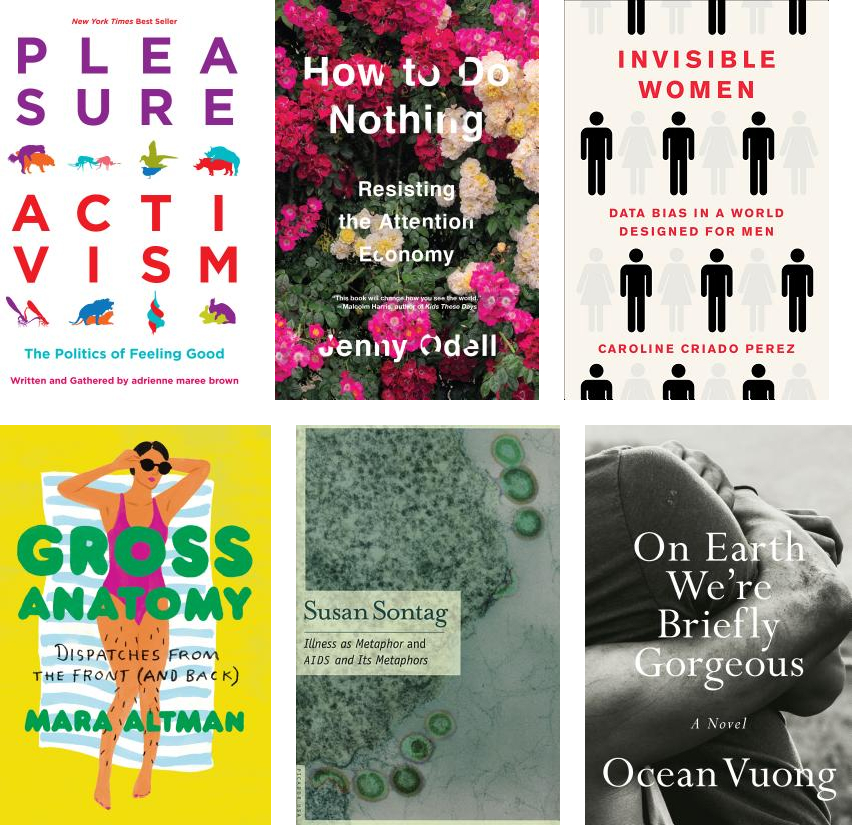
What are you reading now?
I'm in early research mode for my next project, a book of essays about bodies, so I'm reading widely, sometimes superficially, getting lost in ideas, pulling on threads, and thinking a lot about craft. Pleasure Activism: The Politics of Feeling Good — a collection of essays, annotated works, and interviews by adrienne maree brown — has been at the top of my stack for a while because I am enjoying it as much as I am struggling to move through it! brown makes the case that feeling bodily pleasure is essential, as well as essential to fighting oppression, which I am 1000% down with, but her style and structure are different from what I typically read, so it's been weirdly slow-going. I feel like I'll just be (happily) living with this book for a while.
What did you read last?
I'm still thinking about How to Do Nothing: Resisting the Attention Economy by Jenny Odell weeks after finishing it. I'd been wanting to shake up my relationship to my devices and social media for a while, and Odell's words and ideas were exactly what I needed to make that change. Instead of simply insisting that the internet/social media is "bad," Odell beautifully argues that our attention — which is exactly what the corporations behind these platforms are trying to monetize — is the most valuable resource we have, and we'd be better off "spending" it in different places: with humans and other animals, in the physical and natural world. Since reading it, among other things, I've put a dozen plants in the ground, spent more time dancing and rolling on the carpet with my daughters, connected with friends IRL, and started leaving my phone at home when I run errands or go on walks. Also I go on more walks.
What are you reading next?
I have large pile of books that I'm looking forward to diving into (including Invisible Women: Data Bias in a World Designed for Men by Caroline Criado Perez, Gross Anatomy by Mara Altman, and Sontag's Illness as Metaphor) but I already know I'm going to punt all of them so I can devour Ocean Vuong's brand new novel On Earth We're Briefly Gorgeous. (Shoutout to SPL's Peak Picks, which made it possible for me to pick it up at the library yesterday — no holds, no wait!!)
May 2019's Post-it note art from Instagram
Over on our Instagram page, we’re posting a weekly installation from Clare Johnson’s Post-it Note Project, a long running daily project. Here’s her wrap-up and statement from May's posts.
May's Theme: Early Days / Impracticalities
My guest post-it chooser for May was my littlest sister, the only family member not yet pressed into service thus far. I appreciated her decisive style, so unlike my own. I feel it is possible she should be in charge of many things. She identified a gap in what I’ve published so far—a gap I’d been eyeing, too cowardly to fill myself. In the very early days of making a post-it drawing every night, back in 2005 / 2006, I didn’t quite know what I was doing yet, how far I’d go. My intended ritual was initially sporadic; many nights went undocumented. I also dabbled in the impossible, using impractically ephemeral materials like faint pencil, privately writing captions or dates on the back where no one could see. My (now ex) wife also poses a lurking risk in all the early years—exposing that familiar closeness feels so unseemly now, little relics like time bombs, our failed openness too naked to look at. But my sister is bold and doesn’t care if I am naked, so she waded into the very first batch, choosing two with secretive, back-side writing. I was still in grad school, where practicalities were tacitly treated as a bit shameful, small-time. When you’re showing at the Tate Modern, for example, those details are taken care of, practicalities just someone else’s job. An ideal artist has no limits. But museums have not come calling for us, so here I am, telling you what I wrote on the back. In retrospect, it appears broken heating was a real feature of life in England. I don’t get Sunday night anxiety anymore, it’s one of the loveliest things about being on my own, work schedule splattered at odd private times across every day of every week, no such thing as Sundays. In early post-its I kept repeating the same kinds of treehouses I made obsessively as a kid, suddenly figured out why I love drawing so much. I guess it is about being impractical—drawing lets me make something real that can’t really be otherwise. Carefully build my own safe world, logic is only darkly laughable, and the whole thing fits in the palm of my hand. It’s soothing in the face of impossible things, with a secret basement swimming pool to boot. Speaking of childhood loves and my little sister, the hefty compendium of every single George and Martha story she gave me is a PRIZED POSSESSION. The TV lesbians were on an otherwise unremarkable drama about finding missing persons. I felt a shocked elation as the missing lesbian, unlike most missing characters on the show, actually escaped death—the usual fate of our dramatized queer brethren. But can we go back to Stockard Channing for a minute? This month I harbored fantasies of brevity, but let us instead swoon languorously over Stockard Channing. In Grease she’s admittedly irksome — I’m the kid who always knew peer pressure was the dumbest thing, just UNFATHOMABLY dumb, cigarettes and drinking and boys, TRIPLE UGH — but when she sings “There Are Worse Things I Could Do” my whole heart yearns to whisk her away to an alternate movie where we outrun the straight world without breaking a sweat, snarky supportive shorthaired lesbians together living in some urban dyke utopia where accidental pregnancies are as unrealistic as ghost stories and boys are just weird buddies to joke around with. The truth is, I like the writing on the back, even if I can’t afford to be impractical anymore.
The Help Desk: Don't call it a comeback
Every Friday, Cienna Madrid offers solutions to life’s most vexing literary problems. Do you need a book recommendation to send your worst cousin on her birthday? Is it okay to read erotica on public transit? Cienna can help. Send your questions to advice@seattlereviewofbooks.com.
Dear Cienna,
One of the Seattle authors who was #MeToo-ed last year seems to be angling for a comeback. He was seen out on the town at a reading for the first time in months recently, and rumor has it he’s been taking meetings and trying to negotiate his return. I’m not a fan anymore, and I’m not interested in his redemption tour. But I am curious about how thoughtful and deliberate it all seems.
Cienna, do you think that shitty men can improve themselves? Has any man done a good job of responding to #MeToo? Is it even possible? Or is fame a privilege that, once you abuse it by abusing women in not-illegal-but-not-right ways, you deserve to have taken from you forever?
Devon
Shoreline
Dear Devon,
Whenever a human girlfriend invites me to her wedding, I like to take a voodoo doll of the groom as my date. This accomplishes two things: first, I am able to get fresh hair clippings (and once a tooth!) for the doll, which increases its shit-kicking power, and second, it reminds the groom that from this moment forward, his actions are being judged by at least one human being who likes grudges and pointy things.
It's the least I can do to counter the ceaseless waves of shit women endure. I won't get into the blah blah blahs of it because anyone reading this column is familiar with them, except to say that the #metoo movement has shown that this isn't an issue of a couple of rapey apples, just as the anti-abortion movement isn't about preserving life. Both illustrate that we live in a toxic culture that pigeonholes women as powerless sidekicks, virgin/mothers, or fuck-things. In that respect, can we blame men for treating us how they've been taught?
The answer is yes. Yes we can. And we can demand more than public apologies and rehab. We should expect sincere, personal apologies to victims, not blanket statements that try to deflect, explain, or minimize abhorrent behavior. We should expect to see these men ask pivotal questions like, "what can I do to begin to make amends for my actions? Where do I start?" We should expect change – like tough sentences for men who are convicted of sexual assault.
I don't think fame can be revoked at will, and even if it was, I don't think it would be as satisfying as it sounds. But we should expect that shitty men want to improve themselves for the sake of being better people (although I haven't seen convincing evidence of it yet). It would be a shocking but welcome evolution, like watching a whale shit out chic polar fleeces from all the plastic she's ingested.
Kisses,
Cienna
The Portrait Gallery: Angela Garbes
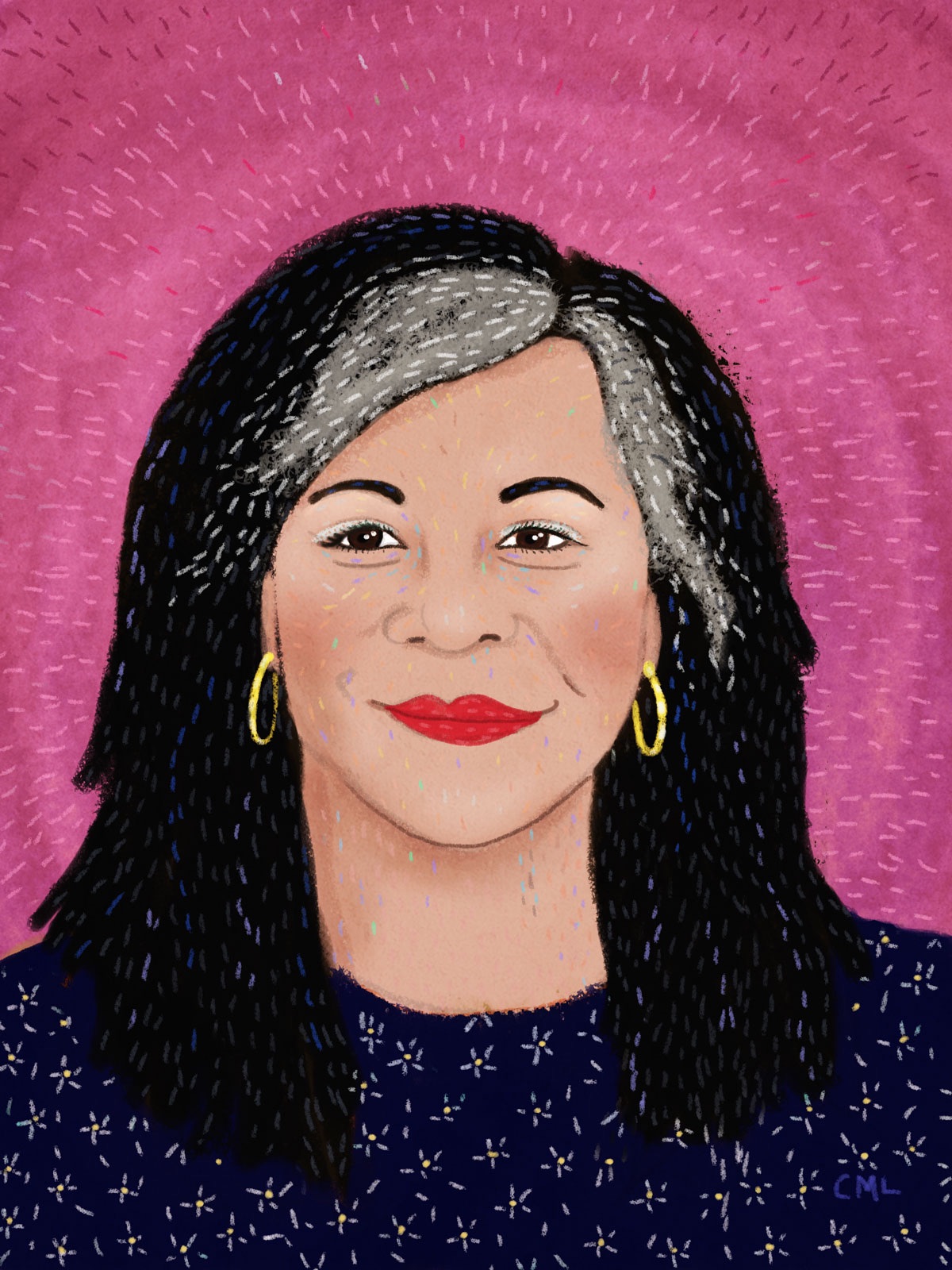
Sunday, June 9th: Like a Mother Reading
Seattle author Angela Garbes discusses her popular book about the biology and culture of mothering, which is now out in paperback. Elliott Bay Book Company, 1521 10th Ave, 624-6600, http://elliottbaybook.com, 3 pm, free.
Kissing Books: Characters exist to be thwarted
Every month, Olivia Waite pulls back the covers, revealing the very best in new, and classic, romance. We're extending a hand to you. Won't you take it? And if you're still not sated, there's always the archives.
There’s a famous story they tell about Alfred Hitchcock, explaining the difference between surprise and suspense. Two characters sit at a table, chatting—when suddenly, the bomb beneath the table goes off!
That’s surprise.
Suspense is what you get when, first, the director shows you the anarchist planting the bomb beneath the table, then lets you bite your nails watching those same two people chatting in blithe ignorance of the threat, while the clock slowly ticks down explosion-ward.
The characters themselves are still surprised, in the second scenario. But the viewer has more information, and a fuller sense of what is actually going on in the story.
Hitchcock’s example frames dramatic tension in terms of danger, dread, and a countdown clock because those were his tools of choice. In romance, what we have is people. Hearts and hands and a few stickier bits. Sure, there may sometimes be other risks—there’s the whole subgenre of romantic suspense just for that kind of game, in fact—but instead of Hitchcock-style suspense I’d like to argue that the primary dramatic tension that fuels our genre is expectation.
Expectation is an end point. It’s a goal, that the book is driving toward, or a result, that the story’s machinery is designed to produce. And just like the Hitchcock example, the characters can’t know where we’re going, and the reader must know.
Romance characters exist to be thwarted, poor souls. They almost never get what they say they want at the start of the book. How many times do we see heroes state that they just want a string of casual partners, so as not to interfere with the safe, predictable course of their lives? How often do heroines insist they’ll worry about their love life later, right now they just have to save the small business they’re trying to get out of the red? Readers show up knowing the main characters will get knocked down and turned around and provoked and worn threadbare by emotions and attractions they’ll fight against for most of the space of the text.
We show up for this because we expect they’ll end up better, by the end. Better people, better partners, better citizens of whatever world they inhabit. We require that happy ending. We demand it as a right.
Reading tons of romances, over the course of years or decades, fine-tunes expectations even further. The genre, like any genre, rewards repeat engagement—you start to notice narrative conventions and trends, and the kind of moments that look like nothing special to an outsider, but which to authors and frequent readers might as well be stages with spotlights burning down upon them.
For instance: first kisses. The first kiss in the first romance you read is a singular experience. The first kiss in the fiftieth romance you read? You’re going to have a more complete sense of the many ways that first kiss could go–and the choices an author makes will tell you more about that story than simply the words on the page. You might even notice what an author doesn’t say.
You start to recognize the machinery of the story. And you start to select for the mechanisms that gives you, personally, the most satisfying result.
Longtime romance readers can get more granular about what they’re looking for than just about any group of readers you’ll ever see: fake dating, a good grovel, hurt/comfort, marriage in trouble, secret baby, enemies to lovers, opposites attract, amnesia, road trip, pining, fated mates … If you try summarizing or recommending literary fiction in this plot-centric way it comes off as painfully reductive (“Moby-Dick is about an intense sea captain obsessively hunting a white whale”), but that’s because the definition of literary fiction is: the genre that does not make you any specific promises before you start reading. Literary fiction is the genre of surprise.
Romance, though, tells you what it’s going to do. Like a stage magician, pledging to pull a rabbit out of an empty hat. You know it’s not real. You know there’s a trick. And when the rabbit does appear, it’s not surprise that makes your heart race and your eyes widen.
It’s satisfaction. Expectations achieved. A promise kept.
The story is a fiction, but what you feel is real. It’s the greatest magic trick I know (and the only one I’m equipped to perform).
This month’s books are all exceptional examples of character expectations being thwarted: two contemporary Pride and Prejudice retellings, two historicals with working heroines, and one dazzling m/m romance set in the halls of global political power. It’s safe to say none of the characters in these stories are prepared for the futures that await them.
But the reader only smiles, and sits back, and anticipates the journey.

Red, White, and Royal Blue by Casey McQuiston (St. Martin’s Griffin: contemporary bi m/m):
This queer romance between a stiff British prince and the impulsive son of America’s first female president is one of the buzziest books of the summer, and no wonder. Like Alex, our American hero, this book has heard about this thing called subtlety and wants absolutely nothing to do with it. If you’re looking for sparkle, for wisecracks, for high-stakes international forbidden lust erupting between two people who are forced for publicity reasons to pretend they don’t absolutely loathe one another, you’re in exceptionally good hands.
But subtlety isn’t the only kind of complexity: this book builds three-dimensional characters and reader-angst in a maximalist way, by sheer accumulation. The more you read, the more you feel—I was openly sobbing at the end, to the point where the mini-dachshund bounded up to make sure I wasn’t hurt. Alex is a mesmerizing combination of discipline and impulsiveness. Henry, our royal prince, is by turns perfectly dry and deeply vulnerable, a tweedy type whose formality masks a wicked sense of humor and poetry. Their connection is electric, and irresistible, and unfolds with a remarkable view of the dizzy, dazzling hedonism of youth. If I could attend any one of the parties in this book I could die a happy woman.
So I liked it a great deal, even if parts of it made me wince a little when they poked my own particular sore spots. Alternate history that retcons 2016—which this most definitely is, since our hero’s mother won her first term in that year—can be a bit of a mixed blessing when you are living in our much, much shittier timeline. This book is a political semi-fantasy in the style of Parks and Rec, or The West Wing, neither of which I’ve been able to rewatch since 2016. The author’s note clarifies that McQuiston wrote it partly out of her need for escape. My own escapism, alas, has to be much more removed from the circumstances that make it necessary; politics doesn’t feel distant enough for me to feel safe or triumphant or vindicated in that context, even within the bounds of a fictional storyline. Others definitely are different! We all find hope in different things! I am very interested to see where the author goes next!
Banter this good doesn’t happen just by accident, you know.
“This is idiotic,” Alex says, grasping Henry’s hand. The skin is soft, probably exfoliated and moisturized daily by some royal manicurist. There’s a royal photographer right on the other side of the fence, so he smiles winningly and says through his teeth, “Let’s get it over with.”
“I’d rather be waterboarded,” Henry says, smiling back. The camera snaps nearby. His eyes are big and soft and blue, and he desperately needs to be punched in one of them. “Your country could probably arrange that.”

Ayesha at Last by Uzma Jalaluddin (Penguin Books: contemporary m/f):
Pride and Prejudice retellings are never out of style in Romancelandia—see below—but despite some awkward moments this one is significantly more rewarding than most. I am resisting the temptation to write you a full essay on exactly what changes Jalaluddin made to the original story and how brilliant her overall vision is. I mean, placing a story about hasty judgments and self-knowledge in the context of present-day Islamophobia and misogyny and how those systems intersect is already Full Galaxy Brain, but there are so many more aspects of this book that made me gasp and stop and scribble notes about parallels and contrasts. It’s a little like the way Alyssa Cole’s Reluctant Royals series plays with fairy tales. The allusions aren’t just fan service, superficial nods to those who’ll get the reference: they’re weight-bearing plot structures that get things done.
For example: our less-than-impressive rejected suitor, Mr. Collins in Austen’s original, is transformed from a stodgy Anglican vicar into a very self-promoting young Muslim man named Masood who is, I kid you not, a life coach for professional wrestlers. He believes our heroine Ayesha has too much “repressed frustration,” and that she should consider channeling that into a signature move. It’s an absurd, impossible vision of good behavior—just Mr. Collins all over—but it’s unique and current and I died from sheer delight. And considering we know that our heroine Ayesha’s most cherished dream is to be a poet, and that her best forms of expression are verbal rather than physical, it’s clear instantly why this man is all wrong for her as a prospective bridegroom.
Ayesha’s poetry is also part of why hero Khalid is drawn to her. Mr. Darcy is possibly the most well-trod territory in all of romance, but traditional and devout Muslim Khalid is the sharpest take on Darcy I have ever seen. What does it mean to be perceived as cruel, or disapproving, when it’s because of your religious beliefs and how you express them? What happens when your heart comes into conflict with your beliefs and traditions? This book shines most when our main characters are sharing the page: it’s a very deep and true connection, though a very chaste romance—there’s precisely one fade-to-black almost-kiss.
One last point, because I’m going to be thinking about it for a while. In period-set adaptations of Austen’s book, the Mr. Wickham figures often come off as merely inappropriately sexy, rather than actively predatory. Wickham is something more than just a regrettable ex-boyfriend: he’s a threat to the Bennet family’s future. Modern retellings like The Lizzie Bennet Diaries and now Ayesha at Last translate this successfully by making the Wickham figure not merely a romantic rival, but also someone who trafficks in the worst aspects of online sexuality: revenge porn, coerced nudes, exploitative and misogynist sex sites. This book really puts the ick back in Wickham and gives us the proper emotional zing for the storyline.
There’s also a lot of undercurrents in this book about reputation, and consequences, and secrets, and forgiveness, which didn’t quite end up anywhere specific. But I sure did enjoy the journey, and it’s not one I’ll soon forget.
Ayesha walked Khalid to the door, and he took his time putting on his shoes. When he stood up, she noticed he had flour in his beard, and she reached out and absently brushed it away. His beard was soft, like spun cotton, and her hand lingered.
He clasped her wrist to stop her, and their eyes met—hers wide in sudden realization, his steady. Ayesha blushed bright red, embarrassed at violating their unspoken no-touch rule. He looked at her for a long moment, then gently, reluctantly, dropped her hand.

Some Like it Scandalous by Maya Rodale (Avon Books: historical m/f):
In some ways I am a very easy mark: I was sold on this book as soon as I heard it was based on the real-life Sorosis Club, the first professional women’s club in the United States. We have a brash chemist heroine, a golden-boy hero, and a great many female characters on the side, all chipping away at the foundations of the patriarchy.
It’s a fun historical take on gender and business and it works because the two characters at the center light the structure up like a lantern.
Daisy Swan has a sharp tongue and a sharper mind and knows she isn’t beautiful. But she still wants to feel beautiful, and knows many other women do too, and so she’s worked out a formula for a complexion cream that makes the skin luminous and dewy. She knows it’ll be a success if she has a chance to produce and sell it—but her mother is insisting that she has to marry immediately to stave off an unspecified family crisis.
But her surprise fiancé isn’t just anyone. He is Theodore Prescott the Third, heir to the Prescott Steel fortune, and the same gorgeous rogue whose cruel, catchy nickname for her made Daisy’s adolescence hell.
Theo is a beautiful butterfly of a man: he likes sparkle and scent and color, he’s good with fashion, he’s got a charmer’s silver tongue and he knows how to use it. He’s just my type, hero-wise. His father thinks marriage to the not-charming Miss Swan will settle Theo down and convince him to finally put his energy into the steel business; Theo would honestly rather do anything other than go to work in his father’s factory. So he and Miss Swan concoct a plan: they’ll pretend to agree to the engagement, then scheme together about how to bring it to a disastrous, irrevocable end before the wedding actually takes place.
We know how that goes, in Romancelandia. But even when they’re flinging insults at one another, Theo and Daisy’s chemistry is exceptional.
It’s rare to see a hero deliberately make himself the sidekick to a heroine, but Theo decides early on that his role is supportive and he gives it his absolute all. Daisy’s the one with the ideas; Theo is the one who helps make those ideas reality. Much of this book is less a critique of real-world capitalism and more a rejection of the way business/capitalism is gendered in the romance genre: the elder Prescott is all phallic steel skyscrapers and silver-fox manliness and ruthless opportunism, every alphahole billionaire trope in the book, right down to the tragically dead first wife. It makes him an astonishingly persuasive villain, and highlights Theo’s rare sweetness and softness, especially in the duke-infested realm of historical romance.
She opened her mouth to protest, but stopped. “As much as agreeing with you physically pains me, I must admit that you do have a point.”
“How magnanimous of you.”
“Look at you with the big words.”
“I went to Harvard, you know.”
“Of course I know that. Everybody does. Harvard people have a way of working it into conversation. I’m just not sure that you attended classes while you were there.”
“If this is your way of wooing me to your cause, I can see why you’re a spinster.“

Pride and Prejudice and Other Flavors by Sonali Dev (William Morrow Paperbacks: contemporary m/f):
A gender-swapped P&P variant, this one. Which means it’s our heroine who gets to be the arrogant, high-handed, high-class insufferable snob! It makes for a lovely change of pace.
Neurosurgeon Trisha Raje is focused, and ambitious, and secretly anguished by events in her past, and I loved her even when she’s demonstrably fucking everything up. Trisha is definitely a genius and devoted to her medical work even if she struggles with her bedside manner, her politically ambitious family, and pedestrian tasks like remembering to eat. Her lax approach to dining is one of the many ways she outrages DJ Caine, our British expat hero, an accomplished chef who worked his way up from nothing to a Michelin star—and whose sister needs a life-saving operation only Trisha can provide.
We’re at least six layers deep in melodrama here: there is just so much angst and anguish (content notes for multiple crash deaths, sexual abuse, multiple terminal cancer cases, burns, strokes, miscarriages—seriously, anyone who has a name has a Tragic Backstory, I’m not kidding). It means this book has some heavier angles that readers ought to know going in. Couple that with Julia Wickham, a white blonde chick with dreadlocks and a Ganesha tattoo who turns out to be one of the most bone-chilling villains I’ve seen in romance in quite some time (my point above about Wickhams and ick definitely applies), and this book is more pick you up and turn you inside out than frothy summer comedy. But in the expert hands of Sonali Dev, all the angst and anguish is worth it. (Also, my god, I could listen to DJ rhapsodize about food and flavor all damn day.)
Trisha Raje was without a doubt the most insufferable snob DJ had ever come across in his entire bloody life. He’d been the poor boy at a Richmond private school. He’d worked at a Michelin-starred place des Vosges restaurant for ten years. He’d seen far more than his fair share of self-important, overprivileged gits. But it had never bothered him. Not like this. Her snootiness didn’t just get under his skin, it chopped up every bit of pride he’d ever managed to gather up and flung it all over the place like a blender you forgot to put the lid on.
This Month’s Badass Labour Organizer Heroine:

Starlight by Carrie Lofty (Gallery Books: historical m/f):
Our heroine Polly Gowan is no debutante: she spends her days organizing strikes and supporting workers at a 19th-century Glasgow cotton mill. There are pub jaunts, and football games in the mud, and clashes with the tyrannical power of the law. Polly’s father was a famous organizer, and she intends to carry on his work even as she slowly and grudgingly falls in love with the new mill owner hero (who’d much rather be studying the stars, but who has to make the mill profitable to keep custody of his infant son). Historical romance heroines definitely skew aristocratic, statistically—partly because it’s easy to find historical information about the aristocracy (preservation bias is heavily weighted in favor of the rich), partly because the romance genre’s progenitors were set among the gentry, and partly because a lot of the time readers want to escape into a wealth fantasy.
And while we all love a good historical gown description (some of us have even written whole romances about that, in fact!), more and more I’ve been searching out stories with heroines like Polly—or like the everyday shopfolk and servants in Rose Lerner’s Lively St. Lemeston series—or Cat Sebastian’s cranky radical bookseller. The people on the ground, doing the actual labor, turning the great wheels of history one working day at a time. The people we’d most likely have been, if we’d been born in past eras, no matter what the psychics say. They—we—deserve happy endings at least as much as the nobs do.
Thursday Comics Hangover: The end of Vertigo
Rumors started spreading earlier this week that the adult imprint of DC Comics, Vertigo, was finally being shuttered. If you've only been reading comics for ten years or less, you might not think this is a big deal. But for people like me, who've been reading comics since the early 1990s or before, this news carries with it a certain kind of wistfulness.
It's hard to explain now how important Vertigo was in a lot of comics nerds' lives. It's where Neil Gaiman and Warren Ellis and Garth Ennis made names for themselves. It's the only big-name comics publisher that would have given full support to Y the Last Man. A lot of the books that are now considered canonical came from Vertigo.
But Vertigo had not produced a lot of work worth reading in recent years. Or rather, Vertigo couldn't be trusted to consistently publish excellent work. The imprint's track record became erratic, and then it basically disappeared from view.
So what was Vertigo's secret? Why did the imprint succeed so well for so long? Yes, talent had a lot to do with it. And so did a creative environment at DC that allowed creative teams to patiently build their worlds out without fear of immediate cancellation.
But I think Vertigo's secret weapon was in its editors. Karen Berger founded the line, of course, and her stewardship was likely the single most important reason for Vertigo's early success. Berger made space for other editors, like Tom Peyer and Stuart Moore, to follow their own dreams. (Full disclosure: I work with Peyer and Moore at their new publisher, AHOY Comics.) And she allowed some exciting young editors, like Axel Alonso, to shepherd new and exciting projects through the imprint.
Most people — hell, I'd be willing to bet that most comics readers — don't know what comic book editors do. It's especially tricky because a lot of comics editors don't do their jobs. But a good comic book editor is as much a part of the collaboration process as a colorist or artist or letterer or writer.
A good comics editor will help define a book, and ensure that the writer keeps to those themes throughout the book's lifespan. They will fight for the best ideas, and kill the worst ideas before they can fly out of control and endanger the whole project. They'll help every member of the team do their best work possible. And when a good editor leaves, you can tell by the rapid decline in quality.
You can see Vertigo's legacy in publishers like Karen Berger's own Berger Books or in the AHOY line. These are books that are adult without being pornographic or overly violent. They aspire to literature, while still remembering what makes comics so damn fun in the first place. They tell stories about characters and not just plot points. They make room for what's great in comics, in a package that doesn't insult the reader's intelligence. I refuse to believe that this is an endangered market. There will be more Vertigos out there sometime soon.
Reading our way through The Mueller Report
If you're reading it like literary fiction, the "character" we learn the most about in The Mueller Report is Robert Mueller himself. His character is throughout the book: intensely literal, a devout believer in the letter of the law, and an unquestioning devotee of the American experiment.
As the world saw in his quietly outraged public appearance last month, Mueller has a profound sense of right and wrong, but even his G-Man morality is nothing compared to his devotion to the law. Mueller announced that he could not indict a sitting president, and that he would have cleared the president of indictable offenses if he could. The inference, of course, is that President Trump committed indictable offenses, but Mueller is bound by duty to not say that out loud.
The big question is if Mueller made the right call by sticking to protocol. Is it possible that our times are extraordinary enough that the lantern-jawed advocate of fair play should have broken character and spoken frankly about his findings? Is Donald Trump enough of an existential threat to the country that Mueller should have dropped the coyness and sounded the alarm? Only time can answer that question.
As the Reading Through It Book Club learned last night, The Mueller Report is not easy reading. It's even less readable than Kenneth Starr's account of President Bill Clinton's affair in office, The Starr Report. It is a legal document, one which walks the reader — deliberately and with great detail — through the Trump campaign's connections with foreign agents and President Trump's attempts to kill the investigation into those dealings. It's not a page-turner, nor is it exceptionally accessible.
But it is important. Even though there aren't many new facts in the book, seeing all the details laid out in order, written in dry legal prose, is simply stunning. Nobody — not even Attorney General Barr — could read this report and come to the conclusion that Donald Trump is as innocent as a newborn child.
The only two conclusions to draw from The Mueller Report are:
- The president is guilty of collusion and/or obstruction, or
- The president and his team is hopelessly incompetent and clueless, to the point of farce.
Members of last night's book club had plenty of questions that The Mueller Report could never answer — about Russian money being funneled into social media, about whether Trump would be indicted on leaving office, about whether the country could ever recover from the damage that Trump's destructive policies are unleashing. The conversation repeatedly leaned toward darkness.
But I found it heartening that the conversation always came back to facts. What does Mueller say? What doesn't he say? When did this event happen? Can we even prove that this event ever happened? People kept trying to find solid ground on which they could stand.
For all his real estate deals, solid ground is the one thing that Donald Trump and his cronies will never be able to buy. When you build a kingdom on lies, you're destined to spend the rest of your days trying to avert disasters. Every day, the chaos president sinks a little bit deeper into a trap of his own making. The best way to keep from drowning in lies is to only build on truth, and we have a lot more truth about Donald Trump this month than we did six months ago.
Book News Roundup: More bookstores are opening, fewer political books are selling
-
Hugo House and Western Bridge just announced a celebration of the life and work of Allen Ginsburg at Volunteer Park on June 22nd. Readers include Dorothea Lasky, Rae Armantrout, Ron Silliman, Sadie Dupuis, Ryo Yamaguchi, Laura Da’, Andrew Schelling, and Mattilda Bernstein Sycamore.
-
Short Run has announced that Brooklyn cartoonist Rumi Hara is their Dash Grant winner for this year's Short Run Festival on November 9th. Hara will enjoy a $250 grant to complete a comic in time for this year's festival, along with a half-table at the show and other institutional support.
-
Some good news about the state of independent bookselling from Publishers Weekly:
Addressing the American Booksellers Association’s annual Town Hall and membership meeting on Thursday, ABA CEO Oren Teicher underscored the ABA’s continued growth. “In 2018, ABA saw 99 new indie bookstore members open for business in 37 states, and the District of Columbia, which was a 32 percent increase over 2017. In addition, a number of member stores opened new branches, and 28 established ABA member stores were purchased by new owners.” The changes bring ABA membership up to 2,524 locations, representing 1,887 companies.
- Is it good news or bad news that political book sales have declined by almost 40 percent over the first quarter of 2019? As long as people are reading other books, it's probably better for our collective mental health to lay off the nonstop political reading and choose the quality books (see the selections from our Reading Through It Book Club) over more salacious accounts, like the new Michael Wolff book.
Hi Blue Sky teaches kids about loss and grief and hope
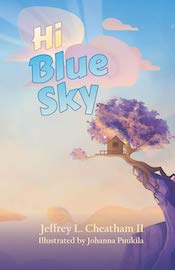
Seattle author JL Cheatham II’s new book, Hi Blue Sky, has been decades in the making. “It was a poem at first,” Cheatham says — one that he wrote for himself to cope with his first major loss.
“I lost a friend when I was about eight years old,” Cheatham says over the phone. “We played together all the time and then one day she didn't show up anymore.” He didn’t know what had happened to her until she picked up a copy of The Facts newspaper and “there was my friend in the obituary section.”
Eventually, Cheatham learned the truth about what happened: “She went on a boating trip with their teacher and she drowned.” Cheatham recalls it as a confusing and lonely experience. “At the time, nobody was like, ‘hey, Jeff, how are you feeling?’ And it stuck me all the way till this time —I'm 33 years old now.”
Cheatham wrote the poem that became Hi Blue Sky for himself, but he decided that he wanted to share it with children, to help them through the grieving process. Death is a taboo topic with kids, and Cheatham hopes “adults will use the book to “start the conversation about how do we help each other deal with loss in an illustrative manner.”
The book is gorgeously illustrated by Johanna Puukila, an Israeli artist Cheatham “stumbled across on Facebook.” They worked closely together “on the phone and in emails, texting, IG messaging” to bring the book to life. “It was long hours of communicating — going back and forth, making sure that the imagery and the placement of the words matched.”
Cheatham has brought the book to a number of young readers to make sure that Hi Blue Sky worked on its target audience. “Of course, my number one person is my daughter and I had her read the book as words first.” She loved the poem that her dad had written, but when paired with Puukila’s artwork, the experience became much more universal. Cheatham says the story helped his daughter deal with a different kind of loss: “It’s not just about the loss of a loved one who passed away. It could be a story for kids who lose a friend who moves away.”
On June 12th, Cheatham is celebrating the launch of Hi Blue Sky with a family-friendly happy hour reading at The Station coffee shop on Beacon Hill from 5 pm to to 8 pm , with pizza and chocolate. Why’d he pick that location? “Last year was a very rough year for me personally. I lost my job. I had to move. I lost my car. I was really failing the test and I was kind of directionless for a minute,“ Cheatham explains. And then a friend took him to The Station for the first time. From the minute he walked in, Cheatham “just felt right at home because there's so many lovely creative weirdos that go to this place. I love them all to death. And once I was there, the owners embraced me as a part of their community and they allowed me to create.”
Cheatham wrote and produced much of Hi Blue Sky at The Station, and so he wanted to celebrate the book’s birth there too. “I'll always be grateful for that place.”
Cheatham’s got a bunch of projects lined up in the near future, including a summer writing workshop series with King County Libraries that kicks off on June 29th and continues through August. And of course his baby, the Seattle Urban Book Expo, will take place in February of next year. Cheatham says there will be some announcements about locations and the registration process on the Expo’s Facebook page soon.
Mail Call for June 4, 2019
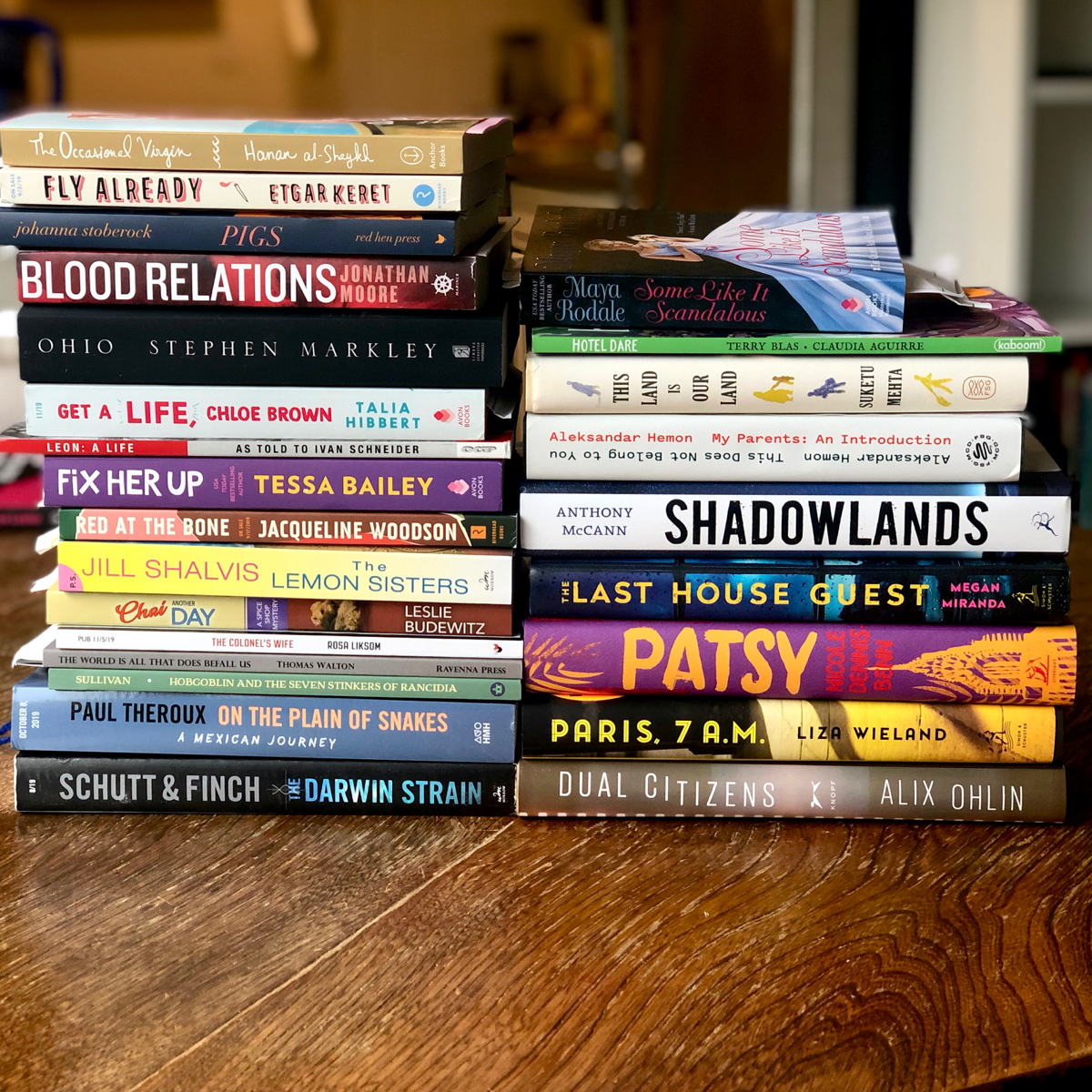
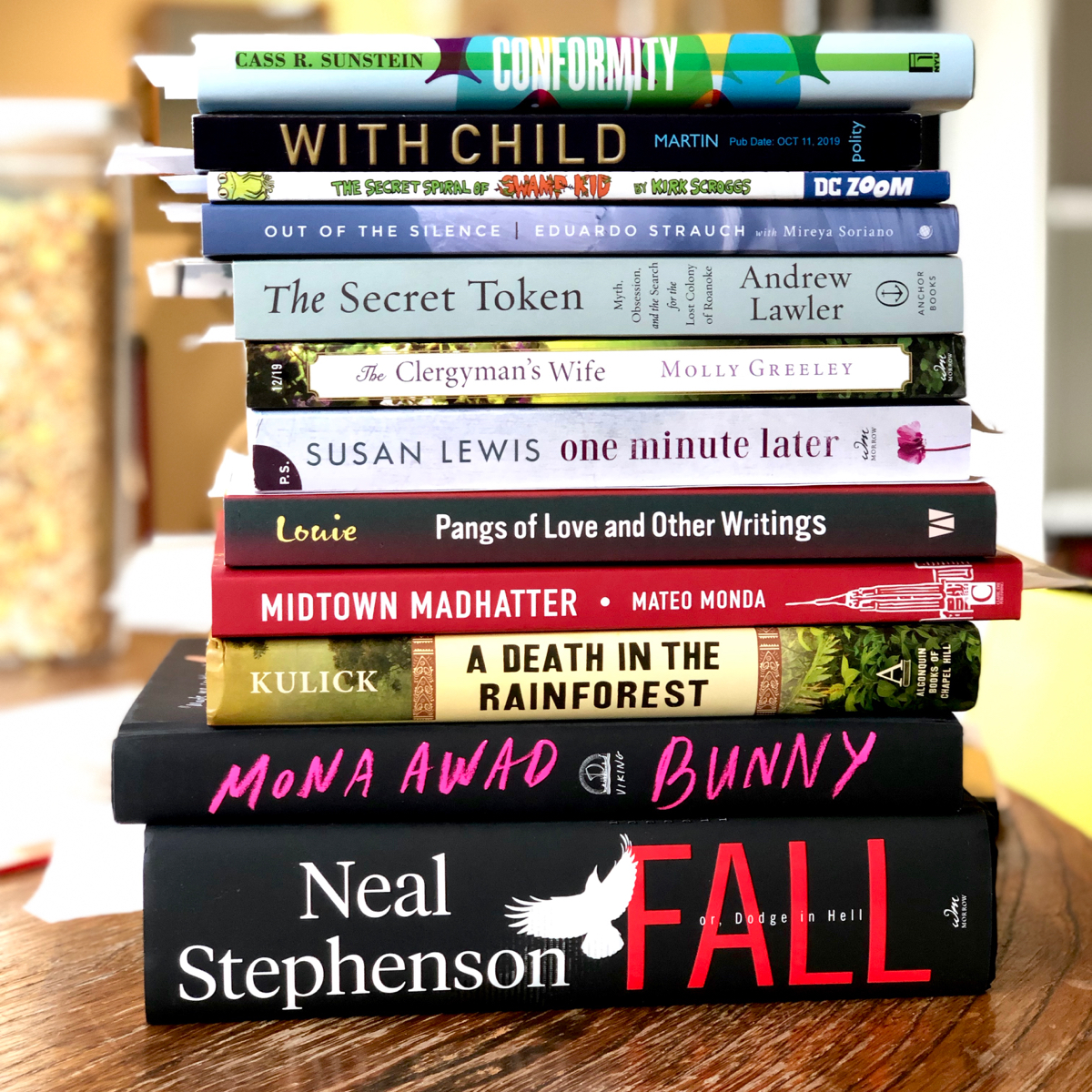
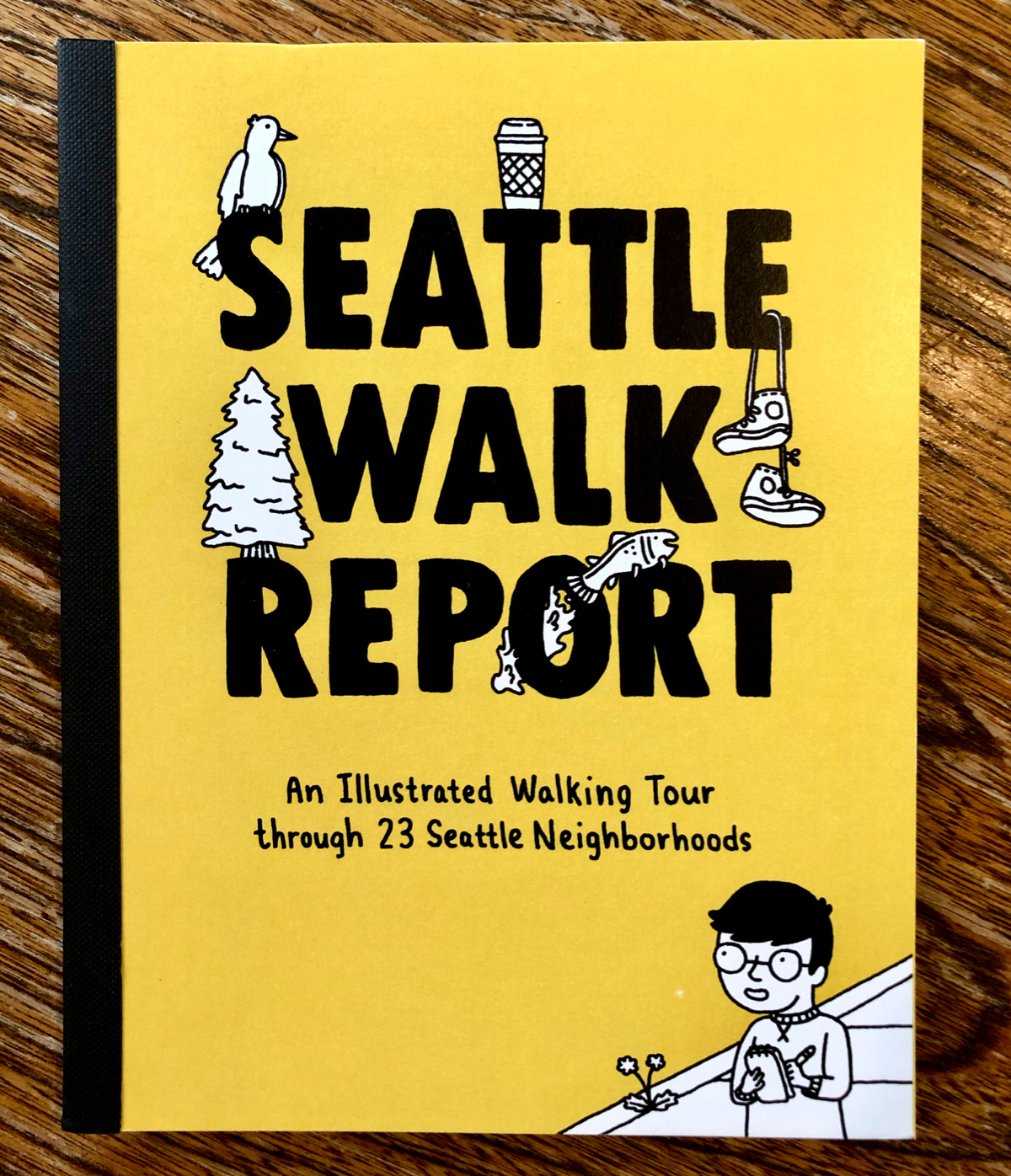
The Seattle Review of Books is currently accepting pitches for reviews. We’d love to hear from you — maybe on one of the books shown here, or another book you’re passionate about. Wondering what and how? Here’s what we’re looking for and how to pitch us.
The Mueller Report is hiding in plain sight
Last week, when Special Counsel Robert Mueller talked for less than ten minutes about the criminal accusations surrounding President Trump, the world reacted with shock and surprise. Which, really, is pretty damn weird considering Mueller offered no new information that couldn't already be found in the bestselling report that bears his name.
If you're planning on joining us for Reading Through It tomorrow night at Third Place Books Seward Park at 7 pm, you likely already know Mueller's conclusions. It's been right there in his book this whole time. But even if you haven't read the book, you should join us for our conversation about the Report and what it all means.
And I'm also taking this opportunity to announce a contest for attendees tomorrow night: if your copy of the Mueller Report is more beaten than mine but still somehow readable, I promise to buy you a drink.
This one time, at Basecamp
Published June 4, 2019, at 12:00pm
Can sane project management save Seattle?
All Signs Are Dares
Why we decided no headlights
through Snoqualmie Valley dark
early March after the hospital
visit to my open-heart grandfather
I will not understand, yet
we drove into that unspoken dare
a good thirty seconds
until we couldn’t take not seeing
illuminated roadside grasses
parallel the parallel yellow lines.
Our eyes like kaleidoscopes twisted
sparse moonlight off sparse road signs.
Still unknown to each other, years later
we’ll leave this country together
for lands where we become
the only people we know
after towers and grandfathers fall
historical clues and species erased.
We still won’t ask what it meant
when the headlights clicked back on —
no flinch reaction swerve or brakes
could’ve helped avoid our collision
with the shepherd dog running happy blind
across the valley road for home.
SAL's poetry series brings Rekdal, Diaz, and others to the stage
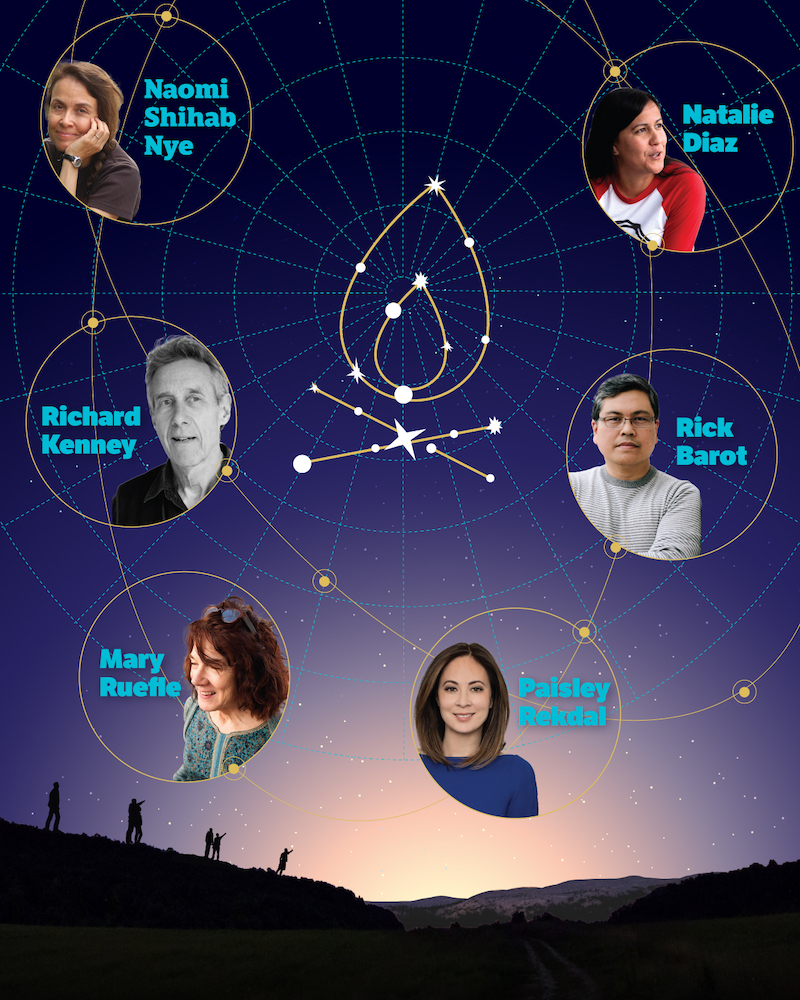
We have a mission: to get you in the audience for sponsor Seattle Arts & Lectures's Poetry Series. This year, they're bringing some amazing names to the stage, including the blindingly talented Paisley Rekdal and Young People's Poet Laureate Naomi Shihab Nye. The SAL series blends the very well known (Natalie Diaz, Richard Kenney) with new voices, and pairs locals with imports for a Q&A after each reading. Show up for the series, and you'll get a tasting menu of what's current in verse.
The question of whether poetry matters is a tired old argument. Poetry is endlessly adaptable to the needs of whatever time we're in. Poets adapt endlessly, and serve up language with infinite variety. And SAL has a lens on it all.
Check out the full list of names for this year's Poetry Series
on our
sponsor feature page, then
reserve your seats
today.
You're part of the best book city in the world, and we want
everyone to know who you are.
Grab one of the last dates in June and July
and put your book, event, retreat, or class in front of our
readers. We'd love to see you in this space.
Your Week in Readings: The best literary events from June 3rd - June 9th

Monday, June 3rd: Fall, or Dodge in Hell Reading
I find it shocking how few people know that Neal Stephenson is a Seattle-area author — particularly since his books are very obviously influenced by the nature and culture of the Pacific Northwest. His latest book, Fall, or Dodge in Hell, a stealth sequel to his thriller Reamde, is a book that imagines what the Singularity might mean for our concepts of life and death. Town Hall Seattle, 1119 8th Ave., 652-4255, http://townhallseattle.org, 7:30 pm, $5/35.
Tuesday, June 4th: Seattle Botany A to Z
Orlando de Lange, a plant molecular biologist at UW, will discuss 26 "plants, people and places that define the green landscape and history of our city." Blackberries might be delicious, but de Lange classifies them as a "villain" to the city of Seattle. Plus: Drinks! Ada’s Technical Books, 425 15th Ave, 322-1058, http://seattletechnicalbooks.com, 7 pm, $10.
Wednesday, June 5th: Poetry in Translation: A Ramadan Feast
Washington state Poet Laureate Claudia Castro Luna curates this series of poetry readings intended to spotlight "the literary traditions of Seattle’s immigrant and Native communities by sharing these groups’ poetry and song in their original languages and in their equivalent English translation." There are no names of featured readers currently listed for this event, but it is Ramadan-themed. Northwest Film Forum, 1515 12th Ave, https://nwfilmforum.org, 6:30 pm, $5-15.
Thursday, June 6th: Hair Flip Release Party
See our Event of the Week column for more details. Fred Wildlife Refuge, 128 Belmont Ave. E., 322-7030, 7 pm, $10.
Friday, June 7th: Behold the Dreamers Reading
A native of the seaside town of Limbe, Cameroon, Imbolo Mbue is the author of the bestselling debut Behold the Dreamers, the story of a young Cameroonian couple whose new lives in New York are upended by the Great Recession. The novel won the PEN/Faulkner Award for Fiction, was an Oprah’s Book Club selection, and was named a Notable Book of the Year by the New York Times and the Washington Post. Town Hall Seattle, 1119 8th Ave., 652-4255, https://lectures.secure.force.com/ticket/#sections_a0Ff4000002e6zDEAQ, 7:30 pm, $35
Saturday, June 8th: There Goes the Gayborhood!
A large and fun panel of cultural landscape specialists, historians, drag queens, and small business owners will discuss what it means for a traditionally gay neighborhood to face gentrification and massive construction. How do we preserve important places while still allowing new people to move in?
Seattle Public Library, 1000 4th Ave., 386-4636, http://spl.org, 10:30 am, free.
Sunday, June 9th: Like a Mother Reading
Seattle author Angela Garbes discusses her popular book about the biology and culture of mothering, which is now out in paperback. Elliott Bay Book Company, 1521 10th Ave, 624-6600, http://elliottbaybook.com, 3 pm, free.
Literary Event of the Week: Hair Flip launch party at Fred Wildlife Refuge
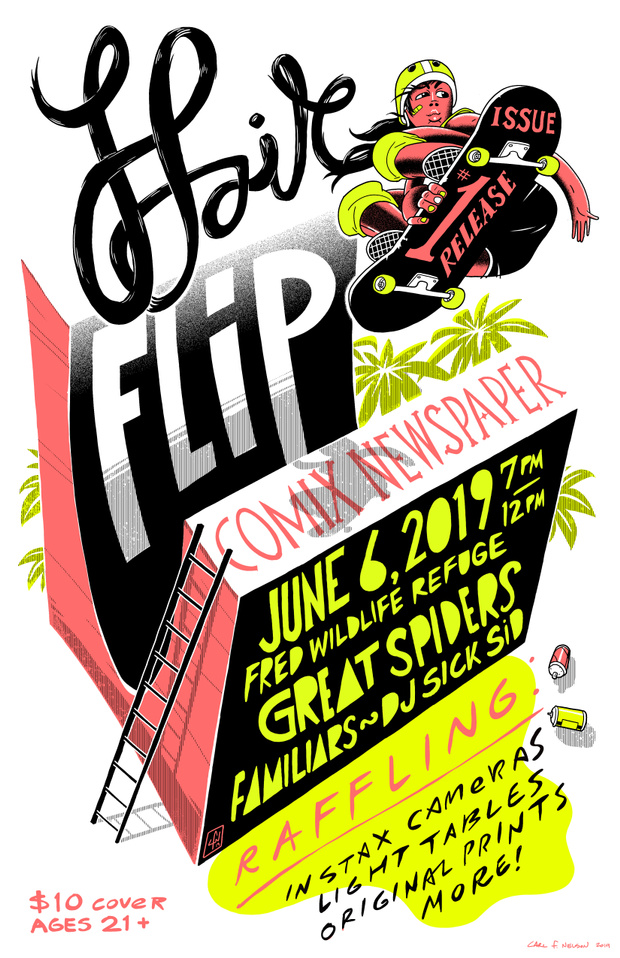
First, there was the Intruder comic magazine, a free tabloid-sized comics newspaper that was delivered to comics shops and other cool locales around town. Intruder closed up shop and was followed by a similar publication called Thick as Thieves. And now, Thick as Thieves has stepped aside to make way for Hair Flip, a quarterly comic which debuts this Thursday at Fred Wildlife Refuge.
This is a big party, including music from Great Spiders, Familiars, and DJ SICK SID, cake, raffles, a photo booth, and "wholesome decorations."
But setting aside the trappings of a party, there's plenty of comics stuff, too: local cartoonists like Max Clotfelter and James Stanton will be tabling, along with Push/Pull and a Hair Flip merchandise table.
Given so much of the editorial staff is overseeing the transition from Thick as Thieves to Hair Flip, you probably won't see too much of a difference in this new first issue. And in fact, casual readers likely might not even be able to spot a negligible difference between Intruder and Hair Flip. That's okay.
These new identities and frequent reinventions are part of what makes our local comics scene so vibrant. Print media is something different now than it used to be — it's simultaneously less valuable to advertisers but more valuable to readers. If you can't make something new, bring a new attitude to a print publication, why aren't you just running a fucking blog or something?
Better to keep things new and interesting, to keep handing the vision off to a new group every few years. Comics in this town have the energy and excitement of a thriving rock scene right now — best to harness that kind of energy with an of-the-moment magazine that might not exist a few years from now because it's too busy evolving into something else. That's how the really great scenes keep alive.
Fred Wildlife Refuge, 128 Belmont Ave. E., 322-7030, 7 pm, $10.
The Sunday Post for June 2, 2019
Each week, the Sunday Post highlights a few articles we enjoyed this week, good for consumption over a cup of coffee (or tea, if that's your pleasure). Settle in for a while; we saved you a seat. You can also look through the archives.
The Artificial Intelligence of the Public Intellectual
Soraya Roberts explores the emptying of the minds of our public intellectuals.
Their minds have hijacked the public trust, each one acting as the pinnacle of intellect, an individual example of brilliance to cut through all the dullness, before sacrificing the very rigor that put them there in order to maintain the illusion floated by the media, by them, even by us. The public intellectual once meant public action, a voice from the outside shifting the inside, but then it became personal, populated by self-serving insiders. The public intellectual thus became an extension — rather than an indictment — of the American Dream, the idea that one person, on their own, can achieve anything, including being the smartest person in the room as well as the richest.
MacKenzie Bezos: Novelist and Amazon shareholder worth $35.6bn
Profiling MacKenzie Bezos and the intersection between Bezos-the-writer and Bezos-the-third-richest-woman-in-the-world, the BBC asked some of Seattle's favorite book people for comment, including own Paul Constant, Rick Simonson, Mary Ann Gwinn, and Tree Swenson. Kudos to all of them for treating Bezos, as much as possible, as just another novelist.
The Elliott Bay Book Company hosted a reading of Ms Bezos' second novel in 2013 — and Mr [Rick] Simonson recalls some people questioning why an independent book shop would want to host a book associated with Amazon.
However, he says: "I felt you can invite the other side in - and she's a legitimate writer who deserved a fair reading".
The awkward whitesplaining in David Shields' new doc on Marshawn Lynch
Glenn Nelson expertly eviscerates David Shields's new documentary (screening at SIFF), which returns to the ham-handed examination of race and sports Shields last attempted in his (also eviscerated) Black Planet. You can read this article in much less time and with much greater pleasure than either Shields's book or Shields's movie. Win-win!
Relying almost exclusively on archival footage, Shields not only jump cuts through Lynch’s football career, he liberally slices and splices references and commentary about race and civil rights. It’s not cultural appropriation, per se, but it’s certainly something you might call appropriation of cultural narrative. It builds on the time-honored colonialist tradition of the white man (or, sometimes, woman) feeling uniquely qualified (i.e., the only one intelligent enough) to attach meaning to nonwhite existence.
Bill Cosby is shown in Lynch saying, “For the most part, the Black portrait has been drawn by the white writer and the white producer and the white director for the white audience.” But Shields seems tone deaf to a message that permeates his own work.
The Dark Forest Theory of the Internet
These days, the Internet is kinda like that friend who asks you how you are, only as an intro to telling you how they are at length and in detail — "think" piece after think piece on the dangers, virtues, necessity of our social media gods.
Yancy Strickler isn't the first to worry about what happens when the good guys exit social media stage right. What's new here is the compelling metaphor pulled from Liu Cixin's The Three Body Problem.
Is social media a dark forest that needs heroes to tame it? Or is it the tiresome party we'll all be happy to leave? Do we get to choose?
Imagine a dark forest at night. It’s deathly quiet. Nothing moves. Nothing stirs. This could lead one to assume that the forest is devoid of life. But of course, it’s not. The dark forest is full of life. It’s quiet because night is when the predators come out. To survive, the animals stay silent ...
This is also what the internet is becoming: a dark forest.
The Billboard
This story, Stephanie Montgomery's story, includes a description of her sexual assault. It also includes a description of how, when her employer and the justice system both failed to stand up for her, Stephanie took matters into her own mighty hands, painting a billboard that calls out every part of the system that failed her.
I hope Frances McDormand sends her a fan letter.
Stephanie came to realize she’d reached the dead end of a road she had never wanted to be on in the first place. Nothing was going to happen. No justice, just another rape, the world moved on. The #MeToo movement had opened up the conversation, sure, and it had also spurred men into hyperdefensiveness and aggression, but when the smoke cleared, had anything really changed? Where were the arrests, the convictions? Did a stripper have a bigger voice, a better shot at justice than she would’ve two or five or twenty years ago?
As the months passed, something boiled and wept inside her; she couldn’t live with the silence, couldn’t let the rape go unanswered or pretend it never happened, as she had first hoped to do. An idea began to take hold. She was going to paint something, something huge.
Whatcha Reading, Knox Gardner?
Every week we ask an interesting figure what they're digging into. Have ideas who we should reach out to? Let it fly: info@seattlereviewofbooks.com. Want to read more? Check out the archives.
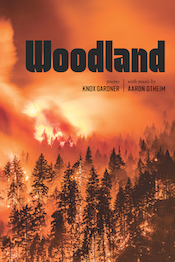
Knox Gardner is a poet and photographer, as well as publisher and editor-in-chief of the unique and wonderful local press Entre Rios Books — a press that focuses on collaborations between poets and artists. He's the author of two collaborations: Twelve Saints, with Nia Michaels, and the brand-new release Woodland, with musician Aaron Otheim. Gardner will be appearing twice in the near future in support of Woodland: Sunday, June 2nd, at Open Books (see our Event of the Week column for more details), and the official book launch for Woodland, Monday June 13th at Hugo House, where he will be joined by Otheim.
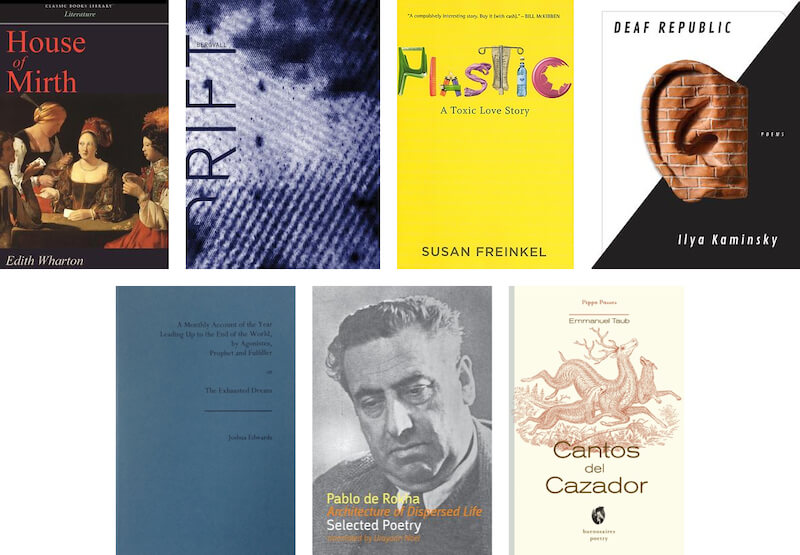
What are you reading now?
I was just in New York for the first time in maybe a decade and saw on one of those discount classics racks in a book store, Edith Wharton’s House of Mirth. It seemed appropriate being in NYC and in our new gilded age, and over the last few weeks with all the new restrictive abortion laws subjugating women, perhaps more so. I feel like I must have read Age of Innocence in college, but I am not sure. I almost always end up reading the end of books first, so I know this is going to be a tragedy, but what I was not expecting is how funny and bitchy Wharton can be. My book is all marked up with zippy one-liners for my inner queen. Seriously, all queens should be reading Wharton. Oh Miss Bart is going to make some bad choices!
What did you read last?
I had the good fortune to find in a used book store on the same trip, Drift by Caroline Bergvall. It is the most intense, engaging “narrative” poetry book I’ve read — as far as how one might manipulate language to tell difficult stories — since Anne Carson’s Autobiography of Red. This is a deep, profound work by both the writer and book designer — truly a collaboration in design much like Don Mee Choi's impressive Hardly War with Wave Books. Our publicist has been encouraging me to start taking our press in a more national direction — and to publish work like this, well yes, I would. This book peers in to the despair of the refugee crisis, into our deep past, to create something so startling and immediate.
What are you reading next?
One brutal thing since starting the press is how much less time I have for reading and yet how many more books are piling up around the house. If the fires don’t ruin lake swimming season, I am planning on a bit more of that this year, during what I hope is about a month long production break. These are the books currently at the top of my list:
- Susan Freinkel: Plastic: A Toxic Love Story
- Ilya Kaminksky: Deaf Republic
- Pablo de Rokha: Architecture of Dispersed Life: Selected Poetry
- Joshua Edwards: A monthly Account of the Year Leading up to the End of the World by Agonistes, Prophet & Fulfiller or The Exhausted Dream
- And I am finally trying my hand at some translation of a very slim book by Argentine poet, Emmanuel Taub, Cantos del Cazador.
The Help Desk: A gnawing concern
Every Friday, Cienna Madrid offers solutions to life’s most vexing literary problems. Do you need a book recommendation to send your worst cousin on her birthday? Is it okay to read erotica on public transit? Cienna can help. Send your questions to advice@seattlereviewofbooks.com.
Dear Cienna,
My girlfriend’s dog, Mayte, eats books. My girlfriend solved this issue for herself by keeping books high up and out of Mayte’s reach. But I tend to read until I fall asleep on the couch, and then I wake up to the sound of Mayte chowing down on the fifth chapter of whatever sleazy erotic historical novel I happen to be in the middle of at any given moment.
Mayte was a rescue, and she’s a pretty old mutt, so training her away from books isn’t really a possibility. The three books she’s eaten so far have all been common enough that my girlfriend can easily (and apologetically) replace them.
I’m very aware that my problem is relatively mild, but I wonder if you know of any quick fixes that can keep my books from being chowed on. At some point we might be moving in together, and I don’t want to have to climb a ladder every time I go to choose my next novel.
Vanessa, Northgate
Dear Vanessa,
You are wise to realize that some bad habits are impossible to break – for instance, my bad habit of buying memorial plaques dedicated to people I dislike and bolting them to park dumpsters.
Instead of changing her behavior, change yours. Try buying Mayte a couple of books to chew on while you read. Battlefield Earth by L. Ron Hubbard and Infinite Jest by whatshisface are both very long, terrible books that would give Mayte's geriatric jaw a healthy workout. You should be able to find deeply discounted copies of them at your local used book store.
If you do move in with your girlfriend, I suggest investing in a lawyer's bookcase (they have glass doors). You could also try lightly spritzing your spines with a vinegar/lemon solution if you don't mind your books smelling like a sulky German hausfrau. If you choose your sleazy historical erotica with care, it could help set the mood.
Kisses,
Cienna
The Portrait Gallery: Reading animals — beaver

If you've never stumbled on a bad link or fat-fingered a URL here at the SRoB you may not know that we feature art from Christine's Reading Animals series on our 404 page. We thought it was about time to give these amazing portraits the resolvable URL they deserve, so we're going to run them as an occasional series, starting today, with this amazing beaver.
Thursday Comics Hangover: Another day in paradise
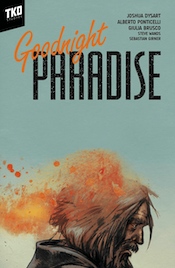
For as much as incel-driven conservative comics groups love to whine about "social justice warrior" movements in comics, the truth is that comics are currently in a relatively apolitical period. Of course superhero comics are full of cheerleading for inclusion, and you can find a ton of easy Trump parodies in all the usual places. But aside from a few smart books like Black and Young Terrorists (both of which were originally published by Black Mask Studios, for whatever that's worth) you don't see many contemporary comics taking on uncomfortable political discussions.
Goodnight Paradise is a deeply political book. It resembles the world I see out my window, and it takes in the whole panorama — from the modern tech-powered American boom economy to the homeless encampments popping up in plain view of all that wealth.
The description of Goodnight Paradise sounds like pretty much any sunbaked noir: a young woman is killed and one man, an outsider named Eddie, investigates the mysterious circumstances of her death. The trail leads him to the seat of power in his city. But the particulars of this noir are unlike any I've seen before: Eddie is a homeless man struggling with mental disorders and addiction, and his city is Venice Beach, California, which is the home base of Snapchat.
Thanks to a tight, clever script by Joshua Dysart, Goodnight Paradise hums along while giving us enough atmosphere to appreciate the dynamics of Venice Beach: the homeless people sit on benches and in run-down RVs, sneering at the young and affluent Snap employees wandering past with their hired security forces. The beach itself is a kind of no man's land where everyone gathers, but every situation is fraught with class distinctions and seething hatred.
Alberto Ponticelli is the perfect artist for a hard-boiled detective comic: he understands the importance of characters who look the same on the 5th page of the fifth issue as they did on the third page of the first issue. Their world has to be rock-solid, and readers have to be able to understand where everyone and everything is in relation to everything else. Without a solid sense of worldbuilding and character consistency, the mystery would feel airy and insubstantial. Ponticelli keeps everything grounded and makes us care deeply for Eddie as a character.
Colorist Giulia Brusco contributes more than just a beach-y spray of color to the book: part of the backdrop of Venice Beach is the smoke and smoggy orange-smeared sky caused by nearby forest fires. The fires get earlier every year, and they contribute to Eddie's claustrophobia. When his mania gets out of hand he sees fires everywhere: on people's heads, on buildings, in palm trees. The whole world is burning.
Though Goodnight Paradise is set in California, it could almost as easily be set in the Seattle of 2019, where tech overlords try not to stare directly into the eyes of homeless people and where the skies turn orange and belch smoke every summer. We Seattleites intimately know the rhythms of income inequality and of climate insecurity that drive the waltz of Goodnight Paradise. It is a deeply political comic — one that represents the year 2019 with such accuracy and power that it's sometimes hard to stare for too long. Mirrors are like that, sometimes.
Is Robert Crumb about to be — gasp — canceled?
I keep thinking about this Reason magazine article which argues that Robert Crumb is in danger of being "canceled" by PC culture run amok or whatever the so-called "woke" kids are doing these days.
In the article, Fantagraphics publisher Gary Groth — who prints a lot of Crumb's material — expresses his disapproval of a comics function in which a number of cartoonists booed Crumb. (Crumb was not in attendance at the event.) And then someone else makes a judgment against Crumb by citing some panels of a Crumb strip featuring a caricature of Crumb sexually violating a drunken young woman. Those are pretty much the only examples of cancel culture in the story.
And, okay. I mean. I guess?
Robert Crumb was and is a significant figure in the history of comics. He's one of the most gifted cartoonists in history. He made a lot of interesting work. His stories with Harvey Pekar were some of the best collaborative comics in history. And he also made a lot of dumb, derivative, pseudo-shocking work that hasn't aged well.
It's okay to like Robert Crumb. I own several of his books. You can own all of them. You can wear t-shirts of his drawings. You're allowed to give his books as gifts. You can donate them to libraries. You can put displays of them up at bookstores. You can do whatever you want with them! Nobody is punishing you for any of that.
But it's also okay to not like Crumb's work. You can say that his treatment of race was far too facile, and that the treatment of women in his work is abhorrent. You can choose to not own any Robert Crumb books. You can make speeches about how much you dislike Robert Crumb.
If you're a big Crumb fan and you're talking about Crumb in public, someone might want to talk to you about Crumb's racial or sexual politics. That's their right. But you can tell them to fuck off. That's your right. Nobody is being canceled! Just because you like something doesn't mean someone else has to like it, too!
Honestly, I think the true friction behind this Crumb story is the anxiety of one generation replacing another. The generation that venerated Crumb is horrified that younger generations don't also venerate Crumb. Surely the kids simply don't have the proper context or a deep understanding of his milieu? Groth says as much in the Reason story, claiming that "I'm pretty sure the vast majority of people booing Crumb are not familiar with his work."
Thing is, older generations don't get to dictate which artists enjoy a place of prominence with younger generations, or why. Those of us who are alive right now have very little say as to which artists will survive in the cultural memory for the next hundred years. And very often, the artists who dominate the conversation among their contemporaries are diminished by the passing of the decades.
Whenever I read a piece now about cancel culture, I remind myself to look at the consequences. What rights are being stripped from the artist? What are the motivations of everyone quoted in the piece? What are the real-world ramifications of the actions described in the story?
More often than not, the ramifications involve the artist having to face down criticism, or finding their place in history being contested by younger people. And I find it very hard to care if that's the case. Because honestly — people booing your work? Younger generations arguing that your work isn't as valuable as it was once perceived to be? That's not cancel culture, buddy; it's just art.
"It’s 2059, and the Rich Kids Are Still Winning."
Seattle-area sci-fi author Ted Chiang this week inaugurated a fun new series for the New York Times, "in which science fiction authors, futurists, philosophers and scientists write op-eds that they imagine we might read 10, 20 or even 100 years in the future." Chiang's column combines income inequality and genetic manipulation. Like the best science-fiction, it's a mirror to our present time.
Elissa Ball on why Seattle is like your weird over-apologetic ex
Not so long ago, Elissa Ball was a Seattle reading dynamo. You could find her at readings all over town, sharing her poetry and clapping enthusiastically for her friends. Then she moved to eastern Washington and we saw much less of her. Ball makes it a point to come back to Seattle often — she published a wonderful little book called More or Less with Seattle's Cold Cube Press last year — but many folks (myself included) miss the energy that Ball would bring to a reading just by being in attendance.
Tonight, Ball is in town and performing at Brett Hamil and Emmett Montgomery's weekly Beacon Hill stand-up comedy showcase, The Joketellers Union. (Full disclosure: I'm participating in this event tonight, but Ball is the real reason to attend.) She was kind enough to talk to me yesterday about what to expect tonight and how Seattle makes her feel nowadays.
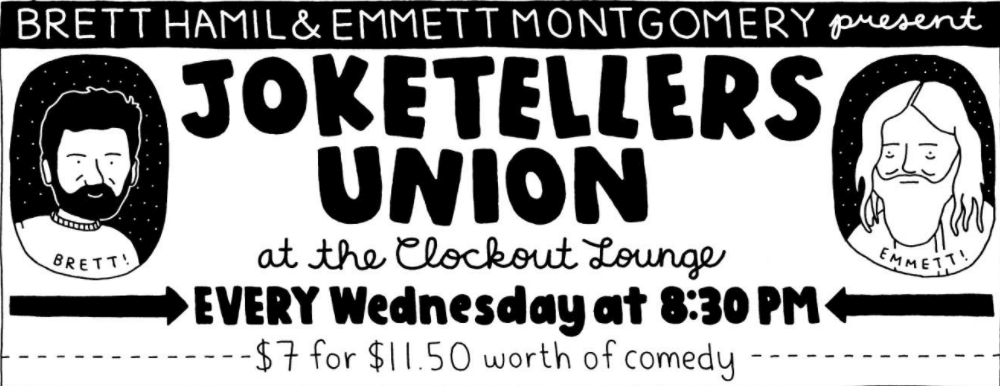
What can audiences expect from you tonight? Have you taken up stand-up comedy as well as astrology/tarot/poetry/pun-ditry?
Stand-up comedy is what I’m bringing! I actually started doing stand-up in Seattle around 2008. Though I loved watching comic friends work their onstage magic, I got eventually got fed up by a comedy scene swirling with rape jokes, sexual harassment, and shitty shock comics (wow did they think their “ironic” racist/transphobic jokes were edgy!). So I quit comedy for about six years and just tweeted my puns, wrote a couple joke books, made goofy memes, and performed humor-heavy poems instead.
I only came out of comedy retirement in late 2018 because my friend Mara Baldwin (remember that name; she’s gonna be huge) hosted a rad monthly show in Spokane and begged me to do a stand-up set. It does feel good to be back up there telling jokes about pugs, The Lion King, and BDSM. If any anti-pun folks are at Wednesday’s show, I suggest they use the bathroom or take a smoke break during my set, because there will be puns.
It seems as though you've picked up a few hyphenates in the time since you've moved out east of the mountains. What are you working on right now? Do you have any new books in the works? What does an average day in your life look like?
A palm reader in Olympia once glanced at my hand and went, “Woah! There’s so much going on here I’m dizzy. It’s like a circuit board crammed with wires.” That’s the speed of my life: about five jobs/gigs at a time, ongoing projects, and so many passions. Fashion, interior design, the occult, punk, poetry, jokes, irises!
During those no-stand-up years, I got deep into tarot and astrology. After I moved out of King County, Seattle Weekly (R.I.P.) asked me to pen a weekly astrology column for them. So I wrote Space Witch from Eastern WA. I’m ultra grateful for that gig, but having a weekly writing deadline for two years—no breaks—wore me out. I still write for alt-weeklies—mostly band interviews and film reviews—just not every week. I still intend to make a monthly Space Witch astrology podcast eventually. Witch work will always be part of me. I read tarot and birth charts for clients at my tiny office or over the phone. Co-workers at the bar where I work always ask what’s up with Mercury.
All year I’ve been pouring editing energy into my chapbook-length poetry manuscript. I recently tweeted “Dear Universe, plz don't let me die 'til this new shit is published & on shelves” which is pretty much where I am. Because my last three books are sold out, I feel an urgency to create something relevant and in-stock. The submission (read: rejection) process for this poetry collection has been brutal, but I’m a tenacious little terrier. I won’t let go ‘til my poems link up with the right publisher.
An average day for me is fueled by Grocery Outlet mixed nuts, productive rage, and the goth outlook that death could pop out of the bushes at any time, so I’d better haul ass. I start my day with a swampy green smoothie, strong pu-erh tea, and a scan of cute adoptable shelter animals (to get those endorphins pumping). I work one-to-three jobs, grocery shop for my grandparents, read other people’s poems, maybe see a band or go dancing, and end the night with an Unsolved Mysteries ghost episode (though the amnesia episodes are good too).
What do you think about Seattle, now that you have some distance from the city? Sometimes it's hard to get a sense of a city when you live in it, day in and day out—what do you notice when you're visiting?
Seattle is that ex who wants to hang out and sip nettle tea but keeps apologizing, “Sorry I’m in a weird mood today.” Seattle IS one weird mood. Melancholy and nostalgia and that damp, salty kelp smell coming up from the Sound. I love visiting, but it’s sad too. My friends here seem wrung out, exhausted from working so hard just to barely make it. Honestly, late-stage capitalism means that’s the reality for most people just about everywhere. I mean, Missoula, MT, has a rental crisis.
I gotta confess: Since moving East, I’ve stopped composting. (Sorry! I still recycle!) In Seattle, composting seems to be of utmost importance, whereas saying no to Amazon or developers is not as important.
This week's sponsor is Sagging Meniscus Press
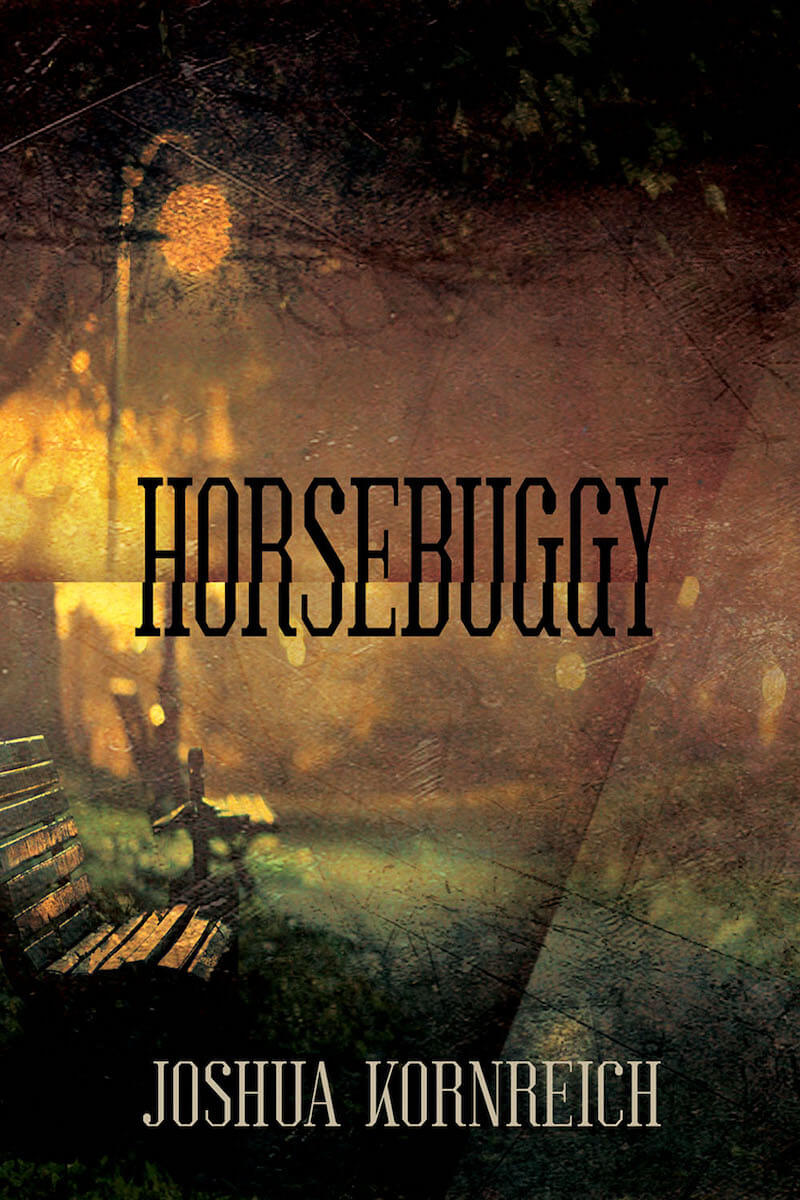
Well, people find love and comfort in all sorts of different ways, and leave it to Sagging Meniscus Press— this week's sponsor, and our favorite publisher of the unexpected — to bring us a metaphysical reflection on human nature, deception, and the tender friendship between a man and his horse.
Joshua Kornreich's Horsebuggy is a dark little surprise and joy, blackly funny in the vein of The Sisters Brothers. It's the sort of book where everything leads to its logical conclusion — and nothing is more ridiculous and bleak than human nature allowed to run its course. The excerpt Sagging Meniscus is sharing as part of their sponsorship is startling and addictive. Check it out on our sponsor feature page, then buy the book and give up on whatever else you planned today.
You're part of the best book city in the world, and we want everyone to know who you are. Grab one of the last sponsorship slots left this spring and put your book, event, retreat, or class in front of our readers. We'd love to see you in this space.
Every Silver Lining Has a Cloud
Published May 28, 2019, at 12:00pm
Bill Carty's new book is a beautiful collection of poems that reaches up every so often to slap readers across the face.
Milton Fife
If Milton Fife lived off generic brands
He was like any other guy from here
Wherever here might be, but his commands
Were closer to Jovita and the near
Stretch of the Stuck than the Puyallup sands
Or far from where the headwaters appear
To run as white in name as through the lands
They carved in lava gullies from Rainier.Evacuation warnings decorate
The valley like a joke exaggerates
Unlikelihood as if it is a fate
Determined in advance to celebrate
A Revelations style of rendezvous
Of inundations wet yet barbecued.Although an atheist by preference
Fife had a hankering for Biblical
Disasters on a scale of pestilence
To plague a land in metaphysical
Conundrums to inspire reverence
In fools who thrilled a guy so cynical
As one who would exploit a deference
Just like the Pope in ecumenicalPronouncements of the certainty of doom.
Not to exclude the lunatics of gloom
Those fundamentalists who would assume
The rapture will release their souls to bloom
When Armaggedon gives the heaven-sent
A tenement up on the firmament.
Your Week in Readings: The best events from May 27th - June 2nd
Tuesday, May 28th: Black on Craft
Black on Craft is brand-new reading series curated by Hugo House writer in residence Amber Flame to discuss what it means to be a Black writer. Tonight's event is a conversation between Flame, musician/writer Gabriel Teodros, and poet Nikkita Oliver. Hugo House, 1634 11th Avenue, 322-7030, http://hugohouse.org, 7 pm, $10.
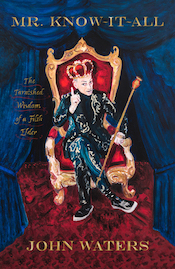
Wednesday, May 29th: Mr. Know-It-All Reading
Director John Waters comes to town with his second career as a public figure: he's a raconteur and a memoirist with a seemingly bottomless well of stories. To celebrate the release of his book Mr. Know-It-All: The Tarnished Wisdom of a Filth Elder, he'll be in conversation with the one and only Mr. David Schmader. Town Hall Seattle, 1119 8th Ave., 652-4255, http://townhallseattle.org, 7:30 pm, $10.
Thursday, May 30th: Birds of the West Reading
Birds of the West is a book that collects Molly Hashimoto's drawings of almost one hundred different bird species. Tonight, she'll discuss what it's like to be a birder. Third Place Books Lake Forest Park, 17171 Bothell Way NE, 366-3333, http://thirdplacebooks.com, 7 pm, free.
Friday, May 31st: The Seventh Wave Reading
Magazine The Seventh Wave celebrates its ninth issue with a theme of "What We Lose." This event will include improv, a reading from contributors to the magazine, and "small group exercises to help break down barriers of formality."
Hugo House, 1634 11th Avenue, 322-7030, http://hugohouse.org, 7 pm, free.
Saturday, June 1st: Three Poets
Local poet Shankar Narayan, who has been featured by Kundiman, Hugo House, and Jack Straw, celebrates the publication of a chapbook with other Seattle poets Doyali Islam and the mighty Azura Tyabji. Open Books, 2414 N. 45th St, 633-0811, http://openpoetrybooks.com, 7 pm, free.
Sunday, June 2nd: Woodland Reading
See our Event of the Week column for more details.
Open Books, 2414 N. 45th St, 633-0811, http://openpoetrybooks.com, 5 pm, free.
Literary Event of the Week: Woodland at Open Books

Not too long ago, August was the month that made living in Seattle worthwhile. You were guaranteed beautiful weather pretty much from the first day of August to the last: blue skies, comfortably warm weather, and incredibly long days that seemed to never end.
Now, of course, August has become the worst month of the year. Every August, the city is choked in a brown-and-orange haze of wildfire smoke that forces us indoor and harms the weakest of us. It's hot and smelly and uncomfortable and ugly, and it's all our fault for letting climate change get to this point. And fire season seems to be starting earlier and earlier — I caught a whiff of smoke on a hazier-than-normal Seattle day just within the last month.
Seattle author and publisher Knox Gardner's new poetry collection Woodland is about our wildfire crisis. It was written over a period of time stretching from the 2017 British Columbia fires to the fiery death of Paradise, California, and it is solely interested in mapping out this new normal for our region.
Woodland is an angry book, and it's sad, and it's heartbroken. It's the story of a paradise that's dragged a little bit closer to death. The book features a score written by Aaron Otheim that updates 19th century composer Edward MacDowell's chamber music piece "Woodland Sketches" for a modern audience and a dystopian future. Gardner will be in attendance at this event, in Seattle's tiny cathedral to poetry.
Open Books, 2414 N. 45th St, 633-0811, http://openpoetrybooks.com, 5 pm, free.
The Sunday Post for May 26, 2019
Each week, the Sunday Post highlights a few articles we enjoyed this week, good for consumption over a cup of coffee (or tea, if that's your pleasure). Settle in for a while; we saved you a seat. You can also look through the archives.
The Man With Two Heads
Binjamin Wilkomirski’s memoir of his childhood during the Holocaust was celebrated, awarded, and then challenged. Last week’s Sunday Post included an article about the questionable veracity of David Foster Wallace and other journalistic greats. This week, an essay by Elena Lappin asks how we can bear to accuse someone who has survived immense suffering of lying about it — and how we can bear not to.
The question I wanted to ask Spielberg was an uncomfortable one: would this great archive serve the future as a reliable source of history? ‘Absolutely,’ said Spielberg. ‘Through this material, long after they are gone, survivors can speak to future generations.’ It provided, he said, ‘an unparalleled means of understanding the experience of the victim . . . They can teach us about the Holocaust in an educationally compelling and emotionally moving way.’
To break our trust in these memories would be a cruel thing; to question their veracity, equally cruel.
Breaking My Silence
Min Jin Lee grew up quiet, by nature and by culture. To be a quiet woman in America, though, is to be invisible. So she learned to wield the power of language in her own way.
In Western books, heroes spoke well and could handle any social situation, not just through action, but also through argument. In Korea, a girl was virtuous if she sacrificed for her family or nation, but in the West, a girl was worthy if she had pluck and if she could speak up even when afraid. As a kid, I’d watched Koreans criticizing a man for being all talk and no work. In America, a man was considered stupid or weak if he couldn’t stand up for himself.
Both things were true: I didn’t want to talk, and I didn’t want anyone to think I was stupid.
Against Advice
Agnes Callard considers Margaret Atwood’s response to a young writer from the analytical perspective of a professional philosopher. What are we really asking for, when we ask for advice? And what do we receive?
It would be really nice if information that could transform someone’s values was able to be handed over as cheaply as driving instructions.
Whatcha Reading, Molly Hashimoto?
Every week we ask an interesting figure what they're digging into. Have ideas who we should reach out to? Let it fly: info@seattlereviewofbooks.com. Want to read more? Check out the archives.

Molly Hashimoto is an artist, illustrator, teacher, and author of the recently released book Birds of the West: An Artist’s Guide. Although much of her work depicts flora, she's most known for fauna, especially avifauna (you know, birds). She'll be appearing Thursday, May 30, at the Lake Forest Park Third Place Books to talk about the book. We hear there will be slides!
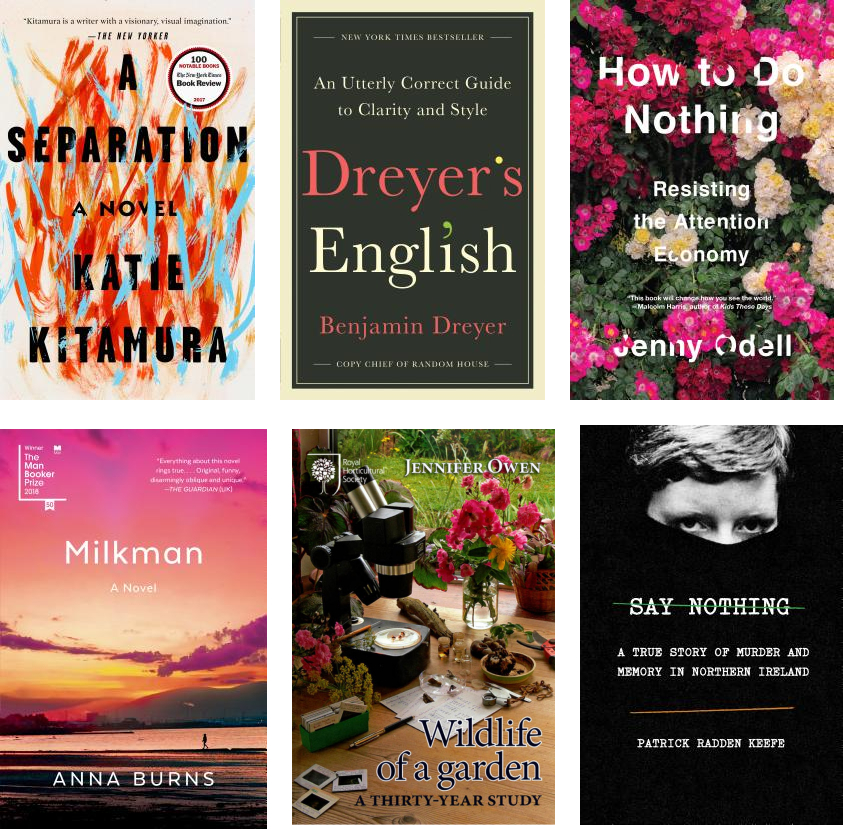
What are you reading now?
A Separation by Katie Kitamura, Dreyer's English by Benjamin Dreyer, How to Do Nothing by Jenny Odell.
What did you read last?
Milkman by Anna Burns (2018 Booker prize winner).
What are you reading next?
Wildlife of a Garden by Jennifer Owen and Say Nothing: A True Story of Murder & Memory in Northern Ireland, by Patrick Keefe.
The Help Desk: Guilt-edged pages
Every Friday, Cienna Madrid offers solutions to life’s most vexing literary problems. Do you need a book recommendation to send your worst cousin on her birthday? Is it okay to read erotica on public transit? Cienna can help. Send your questions to advice@seattlereviewofbooks.com. Cienna is off this week, volunteering advice to young spiders from broken webs, but here's a column from March of 2016.
Dear Cienna,
Sometimes when I buy books from used bookstores, I feel bad, especially if they’re from small presses. Authors get royalties, however small, on each book sold new in bookstores. They get bupkis from used book sales. Maybe this doesn’t matter so much for James Patterson, but when I buy a used copy of an indie title with a tiny print run, that sale could have gone a long way toward benefitting an author, or at least helping their self-esteem. Am I being too sensitive? Or should I only buy copies of bestsellers in used bookstores from now on?
Ingrid, Crown Hill
Dear Cienna,
I like readings. The one problem is I feel guilty if I go to a reading and don’t buy the book. What’s the etiquette here? Is there a rule of thumb? There are so many variations to this theme: sometimes you like the book and will considering buying it later; sometimes after a reading you decide you don’t like the book; sometimes you like the book but it’s too expensive.
I keep coming up with other examples from my life. Is it okay to tell an author you’ll get their book from the library? And what if the author at the reading is your friend?
My anxiety grows by the minute, Cienna. Only you can help me.
Effie, Mountlake
Dear Effie and Ingrid,
Guilt should be reserved for religion and select situations that deserve it, like telling a Girl Scout you have a tumor just so she will give you a free box of Thin Mints. To answer your questions:
-
Buying any and all books from used bookstores is fine. Authors also get nothing when you lend a book to a friend or check a book out from the library. Think of it this way: If those books weren’t being recirculated, they’d be rotting in basements, used as coasters in bars or burned by people like me.
-
First and foremost, writers are thrilled to have butts in seats at readings. You are basically doing a very specific community service for one very grateful individual when you attend them. That said, you shouldn’t ever feel obligated to buy a book. If your misplaced guilt overwhelms you, however, there is a compromise: When I attend readings and the book doesn’t grab me but I really liked the author, I try to think of a senile aunt or friendly shut-in who might enjoy its content and buy it for them as a gift.
-
That said, yes, you are absolutely required to buy your friends’ books if they are published authors. It is a $20 investment. If you are not willing to invest $20 in friendship, you do not deserve to have friends.
Finally, I would encourage you both to ruminate on the nature of guilt. I am concerned, based on the tenor of your questions, that neither of you has truly experienced this proverbial shit stain in the rich tapestry of human emotions. Guilt, when done right, should feel like running a coal mine marathon: You should be sweating more than normal and overwhelmed by a claustrophobic sense of hopelessness.
I recommend that you explore this feeling, either by looking someone in your life in the eye while you tell them that you love them and then taking it back 10 minutes later, or by actually running a coal mine marathon. Then you both will be better equipped to tackle slightly uncomfortable social situations, like how to conduct yourself at a book reading, in the future.
Kisses,
Cienna
The Portrait Gallery: Terese Mailhot
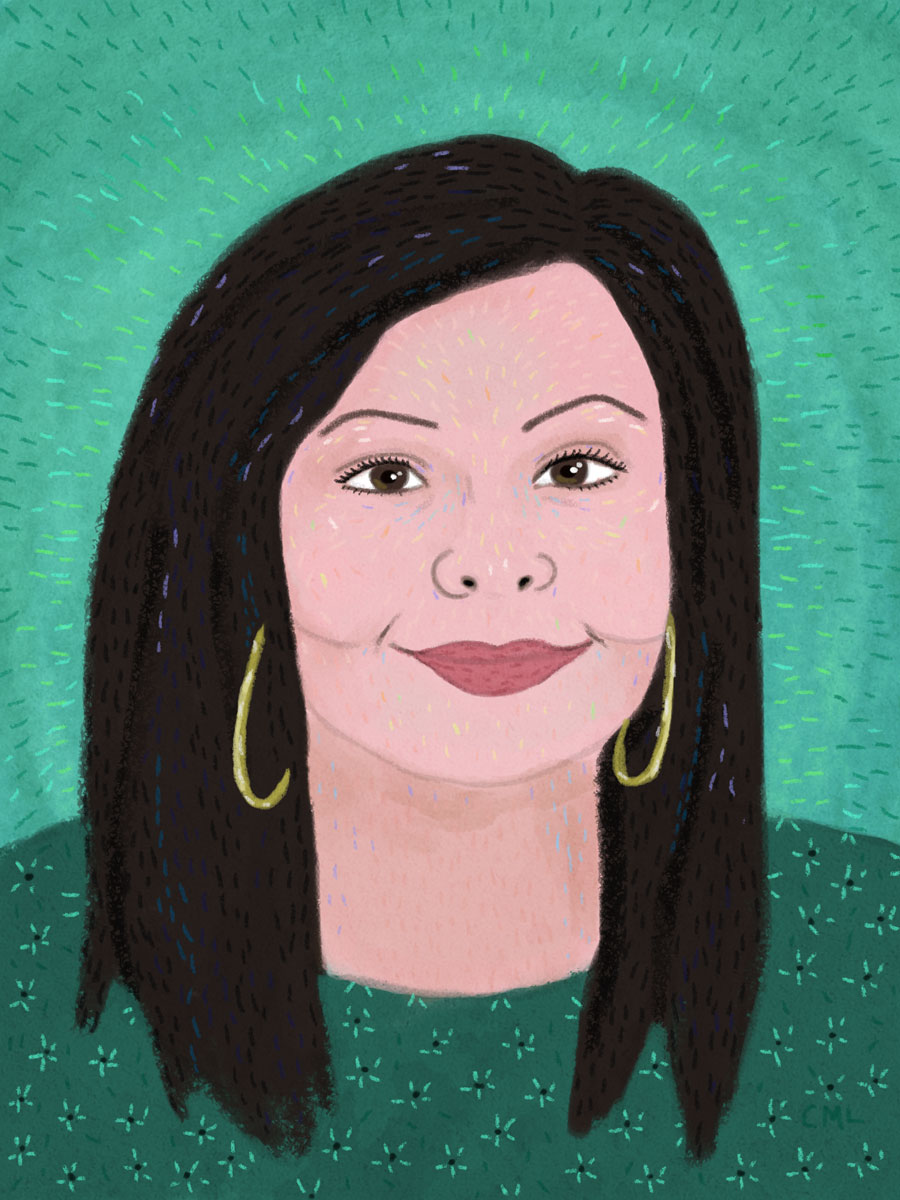
Friday, May 24th: Hugo Literary Series
Writers Domingo Martinez, Terese Mailhot, and Margaret Malone and musician Bryan John Appleby create new work based on the Heinlein-y theme “Strangers in a Strange Land” at the flagship Hugo House reading series.Hugo House, 1634 11th Avenue, 322-7030, http://hugohouse.org, 7 pm, $25.
Criminal Fiction: Let's review
Every month, Daneet Steffens uncovers the latest goings on in mystery, suspense, and crime fiction. See previous columns on the Criminal Fiction archive page
Daneet is taking a much-deserved break during May, but will be back next month with more great coverage of the best books to hit the crime scene.
That gives us the opportunity to spend a bit of time with her past columns — and believe it, there is some gold there.
In the past year, besides reviewing fifty-four (!) books, she's also interviewed twelve authors in the one-and-only "Quintessential Interview". It's remarkable to see what the same questions posed to different authors result in.
So, for fun, we decided to poll one question from the last year of writers. So here is how the following writers answered the same question. We also recommend clicking through and seeing the rest of the interviews, and books reviewed, from the past year. No doubt, unless you're Daneet, you haven't read all of them, have you?
What or who are your top five writing inspirations?
Laura Lippman, from May, 2018.
The contract, the deadline, the deadline in the contract, the world, the idea currently uppermost in my mind.
Spencer Kope, from June, 2018.
To answer this, I have to go back to a time when computer screens were small and monochrome, and processing speeds were measured in kilobytes, because it was the early eighties when I discovered the macabre but fascinating world of Stephen King.
I began with Skeleton Crew and Night Shift, after which I was hooked and devoured everything I could find: short stories, novellas, books, things he scrawled on napkins….Okay, I made that last part up, but you get the point. Of all the King stories I read, The Stand remains my favorite. I even liked the miniseries.
Other writers who inspire me are those who persevered: Richard Adams and his opus Watership Down come to mind. The book was repeatedly rejected before being picked up by a one-man publishing house in London; the rest is literary history. Vince Flynn is another example. He self-published his debut, Term Limits, and went on to launch the incredibly successful Mitch Rapp thriller series. Among my collection of first editions are two signed copies of this rare book.
Mick Herron, from July 2018.
Need, curiosity, excitement, guilt, habit.
John Straley, from August, 2018.
I’ve been inspired by the people I met working as a criminal investigator, and by listening to stories in bars and jail cells.
I love jokes and poetry and traveling by boat.
I like talking to strangers who are reading big fat books while sitting alone in noisy cafes.
I often get my best ideas for wild action scenes while sitting in poetry readings.
Stuart Turton, from September, 2018.
It’s funny, I’ve never thought of myself as being inspired, because I’ve wanted to do this for as long as I remember. My book is very much an Agatha Christie novel and I’ve wanted to write it since I was eight, so let’s put Agatha up top. After that it gets a lot more prosaic. I write everyday because I’d go mad if I didn’t; because I’d have to get an office job if I didn’t; because the electricity company doesn’t take ‘following your dreams’ as payment; and because I can’t do anything else.
Valentina Giambanco, from October, 2018.
- Human relationships – always a never-ending source of surprising material.
- Good people doing bad things and bad people doing good things.
- Outsiders and all those who don’t quite fit in.
- The small details of everyday life – you’re sitting in the bus and you see someone doing something and go, “Oh yeah, I’m stealing that tiny gesture.”
- Wilderness and the way that, in the wild, human beings reveal who they truly are.
Lou Berney, from November, 2018.
Chilly, rainy weather always gets me going. Reading a great novel will often temporarily crush my spirit but then a few hours later I’ll be all jacked up to hit the laptop. Driving through my hometown of Oklahoma City, watching an amazing sunset split open the sky – that’s when good ideas often come to me.
Katrina Carrasco, from December, 2018.
I love writing complex, unpredictable women; once the characters gather critical mass it feels like I’m in conversation with them and they’re showing me the way, which is an amazing process. I want a bigger canon of queer literature and I want to be part of creating it. Same for happy stories about queer people. The Pacific Northwest is a great character in itself, and time in the mountains, in the forest, or by the sea recharges me. I’m fascinated by sentence-level sound and syntax: how every line can be a poem, and how those poems can coalesce into paragraphs, and eventually accrete into a book.
Taylor Adams, from January, 2019.
I’m fascinated by storytelling momentum – that driving, can’t-stop intensity that catapults you into the next scene, and the next – so any novel that can give me that euphoric sensation is high on my list of inspirations. Film structure, too, is a great blueprint that I always keep in mind. Take the structural perfection of a movie like Die Hard, for example, for cultivating and maintaining that level of intensity. Aside from books and film, other inspirations that give me the “fuel” to put in the time writing every day are music, the encouragement of my family, and coffee. Definitely coffee.
Don Winslow, from February, 2019.
History. The news. Shakespeare. Jazz. The writers who came before.
Elisabeth Elo, from March, 2019.
Sober people. Particle physics and quantum mechanics because they remind me that there’s a great deal more to this world than we can see. My own deepest experiences because I can’t express them, which makes me, paradoxically, want to express anything I can. Fairytales for their perfect narrative structure and blunt acknowledgment of evil. Any genuine smile.
Hanna Jameson, from April, 2019.
Things and emotions that scare me. Anything David Lynch makes, says, writes, or does. Fear of being broke. Reading history. The idea that the only meaning we have in this life is in the good that we do with whatever superpowers we arrived with, and my superpowers happened to be writing and having awesome hair so I’m gonna carry on doing that.
Thursday Comics Hangover: If you can't beat City Hall, join City Hall
Detail from "Telelphone with E.T. Russian" by Marie Bouassi.
Twenty years ago, it would've been unthinkable that Seattle City Hall would be home to a comics art show. But the unthinkable is now a reality: from now through July, the downstairs art gallery at City Hall is featuring an exhibit called Comix for All.
Curated by the indispensable Short Run festival, Comix for All features comics by 14 artists, framed and hanging in a downstairs hallway. The work still feels a little bit transgressive, like you might imagine a City Councilmember feeling a little uncomfortable as they walk past.
In fact, some of the work seems specifically selected to push at the austere surroundings. I'm thinking in particular of two works by Simon Hanselmann: a colored comics page that seems to be parodying Noah Van Sciver's angry-young-man comic Fante Bukowski and, especially, a poster featuring a weeping bear with yin-yang eyes that announces "ART MIGHT UPSET YOU - SOMETIMES IT'S SUPPOSED TO." But Hanselmann is not the only envelope-pusher: a page from Lauren Armstrong's comic "Cape Beer" features a pair of hands rolling a joint, putting us in the perspective of the joint-roller.
Some of the displayed art is excerpted from longer comics pages. Others are single illustrations drawn by cartoonists. Some are in color, others are in black and white. Together, the works create a kind of anthology of the modern state of alternative cartooning, exploded out onto the halls of local government.
Comics have a certain insouciance to them, an eagerness to prick at the face of authority. Who hasn't gotten in trouble for doodling in class, after all? Who hasn't drawn a caricature of an authority figure? Comics push at our leaders, find their weak spots, and expose them for all to see in an accessible, irreverent medium.
Seeing these pages on the walls of City Hall is a bit of a culture shock, but it doesn't feel like selling out. Instead, it feels like Short Run has smuggled something cool and interesting into an aggressively bland space. That's the glory of comics.
Comix for All will feature an artists reception on June 6th from 4 to 6 pm. All are welcome.
Book News Roundup: Natalie Portman comes out in favor of fact-checking non-fiction books
-
Congratulations to Celestial Bodies author Jokha Alharthi. With the book's English translator, Marilyn Booth, Alharthi has won the 2019 Man Booker International Prize. As Literary Hub notes, "The win makes Alharthi the first Arabic author to win the award and the the first Omani woman to have a novel translated in to English."
-
Moby was recently in town reading from his new memoir. In it, he claims that he was in a relationship with Natalie Portman. Portman has now gone on the record to deny that she was ever involved with Moby. Portman claims “I was surprised to hear that he characterized the very short time that I knew him as dating because my recollection is a much older man being creepy with me when I just had graduated high school.”
-
Another quote from Portman relates to an issue we posted about yesterday: "There was no fact checking from [Moby] or his publisher – it almost feels deliberate. That he used this story to sell his book was very disturbing to me. It wasn’t the case. There are many factual errors and inventions. I would have liked him or his publisher to reach out to fact check.” [Emphasis mine.]
-
Seriously: when will publishers start fact-checking their non-fiction books? This is making the industry look terrible.
-
In better news, the Vanity Fair archives — yes, all of them are open and free to browse through the end of this month.
Give to Short Run's one-day pledge drive
Today, May 22nd, is Short Run cofounder/Executive Director Kelly Froh's birthday. And to celebrate, Short Run is running a one-day donation drive to raise $3,500 for this year's festival. Short Run is a free small press, minicomix, and zine festival that somehow manages to outdo itself every year. It provides financial and emotional support for hundreds of local cartoonists, and it offers year-round programming. If you care about local artists, Seattle's arts and literary scene, and physical media, you should dig deep into your pockets and offer something up to Short Run today.
Town Hall Seattle is renovated and reimagined for a whole new city
Last night, Town Hall Seattle officially opened its great hall to the public for the first time in two years. During the extensive renovations to the building, Town Hall has been outsourcing its programming to nearly fifty venues around the city, and now — after a few months' delay — the venue is entering a soft-launch period before the grand reopening this September.
Earlier this week, Town Hall's curator of lectures, Edward Wolcher, gave me a short tour of the venue. There's still some work to be done, but the new Town Hall is a top-to-bottom refresh that places the building firmly in the heart of Seattle's arts community. It's always been a stately building, but now Town Hall is a smarter, sleeker, and more versatile space than ever before.

Aside from the carpeting, fresh coat of paint, and new sound-enhancement features, the upstairs great hall is likely largely as you recall it. With the pews and the stained glass windows, it resembles nothing so much as a secular church. The hall can still hold roughly seven to eight hundred attendees, making it one of the largest reading spaces in the city.

But though the Great Hall has stayed the same, the spaces surrounding it on the main floor have completely changed. For one thing, in what might be the most popular new addition for many Town Hall attendees, there are almost twenty new unisex bathroom stalls on the main floor. For another, the bar area has been expanded, offering visitors a space to pause with friends before or after a show.

There's also a new mid-size reading space off to the side of the main floor which offers Town Hall an opportunity to experiment with a new size of programming. The well-lit room, which seats less than a hundred, could be an excellent space for post-reading community discussions, or pre-reading events that give up-and-coming local talent a stage.
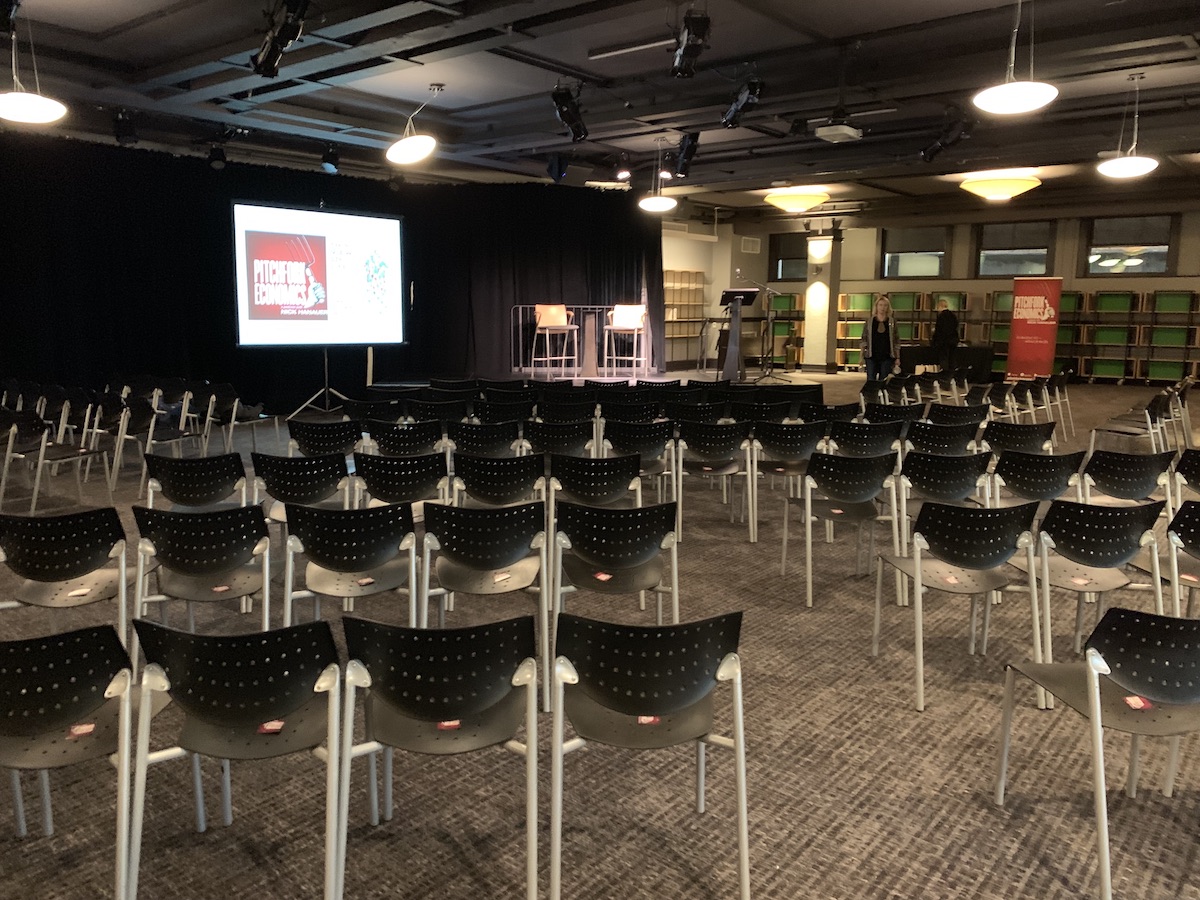
The downstairs space at Town Hall is virtually unrecognizable. What formerly looked like a church basement — I mean that in the warmest way possible — is now a highly adaptable space called The Forum that can expand or contract to meet any event's special requirements. In one corner of the room is a small bar and cafe area. Along the other wall are bookshelves that will soon house books written by Town Hall authors, which can be sealed off into its own small venue called "The Library."
It's remarkable what Town Hall has achieved with this remodel. They've taken two excellent spaces and evolved them into a series of modular venues that can comfortably house any event from a chamber music concert to an intimate poetry reading to a New York Times bestselling author. It's quite possible that on any given night, Town Hall could comfortably house four different events for audiences ranging in size from 20 to 750 people.
The remodel is not completely done yet; the bars aren't yet open for business, and the outdoors plaza still has months to go before it's complete. But you'll want to stop by soon to get an idea of the possibility that the new Town Hall offers. This September, the venue will celebrate its official relaunch with a monthlong festival of events intended to celebrate the organization's past and future. All are welcome.
The fact is, books must be held to a higher standard
I know I'm in a dwindling group, but I love a good literary takedown. Give me one big-name author taking the piss very publicly out of another big-name author in a book review and I'm basically a pig in shit.
The literary takedown is a disappearing subgenre of book review. Readers don't seem to have the stomach for them anymore, and publicists will likely blackball a reviewer who takes too hard a hand in their review. And yes, the subgenre has been used too much, and for some truly heinous purposes, in years past.
However, I have to call your attention to Winner Take All author Anand Giridharadas's review of the new Jared Diamond book Upheaval: Turning Points for Nations in Crisis. Giridharadas isn't just calling out Diamond for a difference in their opinions — though there certainly are many of those — but he also cites multiple errors on Diamond's part, acccusing him of laziness and bringing the receipts to prove it.
But even if you don't want to read a takedown right now — maybe you're feeling too tender, or maybe you prefer to remember Jared Diamond at the height of his Guns Germs and Steel powers — there is still a paragraph in Giridharadas's review that I think everyone should read. It calls out the publishing industry for a practice that has gone on for far too long:
There is also a systemic issue here. The time has come for those of us who work in book-length nonfiction to insist that professional fact-checking become as inalienable from publishing as publicity, marketing and jacket design — and at the publisher’s expense rather than as a cost passed on to the author, who, understandably, will often choose to spend her money on health care. In the age of tweets, it cannot be the fate of the book to become ever more tweetlike — maybe factual, maybe whatever. The book must stand apart, must stand above.
Yes! Most people are shocked to learn that nonfiction books are not fact-checked, or they are fact-checked on the author's dime. As Giridharadas points out, this embarrassing practice does nothing but diminish books in a time when books are already being diminished in the cultural discourse. It's time to hold our authors to a higher standard — the same standard that reputable newspapers maintain. Fact-checking for all!
Teen Angels
My life would be worthless floating face down
In that dirty old river so lovely and warm
That fateful night as while casting a spell
Loaded to the blastin’ pointIs that really Jimmy’s ring clutched in your fingers?
The kids call him Jimmy the Saint
With wicked Felina, the girl that I loved
I begged him to go slow by the coal yards
Head first to the graveyardThey said they found my high school ring
They told me he was bad
They heard him say, how can you be so cruel?
They pulled him from the twisted wreck
They all stop and stareBut you went running back and asked me why
But I’ll join you tonight and there’s nothing
But my love for Felina and five mounted
Cowboys just sweet sixteenWhat could I do?
Oh what can I do?
Will I see you any more?
Hey kid, you think that’s oil?
And am I still your own true love?
Were lovers stalled upon the railroad track
By the river in El Paso at the candy store
Lyin’ there upon the grave?Yes, we see how his car overturned in flames
How that ever can happen where the horses were tiedI feel the bullet go deep in my chest
The shadows wave into a point I’ll never kiss
Your lips again and kissed
One little kiss and Felina, good-bye
Thank you to sponsor Seattle Arts & Lectures

When Seattle Arts & Lectures announces their upcoming season, it's a snapshot of the literary moment and a harbinger of the literary year to come. Their picks reflect what's on our minds right now and where they think our minds will go. Big names and small; big ideas and beautiful words; politics and poetry. They put the city, the nation, and the world on stage for us.
They've just announced the speakers for the 2019/2020 season, and this is your first and best chance to get exactly the dance card you want, whether it's Patti Smith and Mary Ruefle or Lindy West and Rick Barot. Or throw the dice — put the names in a hat, draw three, and experience something unexpected.
Whatever your pleasure, you should
grab your ticket before the events start selling out. We'll see you there!
You're part of the best book city in the world, and we want
everyone to know who you are. Grab
one of the last sponsorship slots left this spring
and put your book, event, retreat, or class in front of our
readers. We'd love to see you in this space.
Your Week in Readings: The best literary events from May 20th - May 26th
Monday, May 20th: This View of Life Reading
David Sloan Wilson's latest book completes the Darwinian revolution by applying evolutionary thought to...well, almost everything. His book offers simple ways to help discern between natural systems and human-created systems — and he explains why that's an important distinction to make. Wilson is joined in conversation by, full disclosure, my day-job boss, Nick Hanauer. Town Hall Seattle, 1119 8th Ave., 652-4255, http://townhallseattle.org, 7:30 pm, $5.
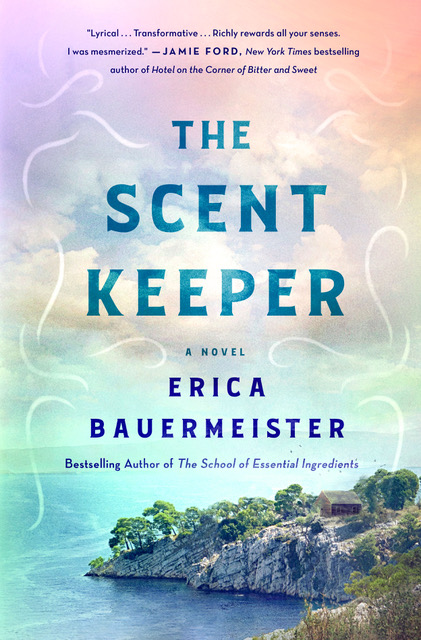
Tuesday, May 21st: The Scent Keeper Reading
Seattle author Erica Bauermeister's latest novel is about a young woman who lives on a lonely but lovely island with her father. She becomes intrigued by a mysterious collection of scents that her father owns, and then a whole bunch of secrets are revealed. *Elliott Bay Book Company, 1521 10th Ave, 624-6600, http://elliottbaybook.com, 7 pm, free. *
Wednesday, May 22nd: The Every Other
See our Event of the Week column for more details. Vermillion Art Gallery and Bar, 1508 11th Ave., 709-9797, http://vermillionseattle.com, 8 pm, free.
Thursday, May 23rd: Down With Work!
The Red May series of events (motto: "Take a month off from capitalism!") continues with a conversation between Kathi Weeks, Michael Hardt, Peter Frase, and Charles Mudede about how work is unnecessary and dumb. Town Hall Seattle, 1119 8th Ave., 652-4255, http://townhallseattle.org, 7:30 pm, $5.
Friday, May 24th: Hugo Literary Series
Writers Domingo Martinez, Terese Mailhot, and Margaret Malone and musician Bryan John Appleby create new work based on the Heinlein-y theme "Strangers in a Strange Land" at the flagship Hugo House reading series. Hugo House, 1634 11th Avenue, 322-7030, http://hugohouse.org, 7 pm, $25.
Saturday, May 25th: Poetry Brunch
Curator Kate Berwanger's poetry-at-brunch literary series continues with readers including Erika Brumett, Lin Wilsie, Sameer Bhangar, Shelley Minden, and Steve Sibra. Get drunk, get fed, and enjoy some poetry by an up-and-comer.
Corvus & Co, 601 Broadway E, 420-8488, https://www.facebook.com/corvusandcompany/, 11 am, $5.
Literary Event of the Week: The Every Other
If you've been following the work of Seattle Review of Books May Poet in Residence Doug Nufer, you know that he's a playful and curious word explorer. He loves to mash vocabularies together, to mix up technical words with poetry, to turn over boring and overused phrases to see what lies underneath.
What you might not know just from reading this site is that Nufer is a natural showman. He's a great reader of his own work, a generous host, and a very good curator of events. He's been doing events in Seattle for decades, and he's absolutely never boring.
Nufer's latest reading series is called The Every Other. It happens every other month at Vermillion, and it's not an especially high-concept deal: a few readers, a musician, and a good bar. That's all you need, right?
This Wednesday, Nufer will host the second Every Other, with a musician named Meira Jough — Nufer describes her as "a lyrical songwriter in the tradition of nomadic world folk singers" — and poets Jeanine Walker and Alex Gallo-Brown.
Walker has appeared on the Seattle Review of Books as a poet in residence, so faithful readers likely already know her work. Gallo-Brown frequently incorporates issues of labor and work into his poetry, along with generational discussions and questions of what it means to live in the modern world. This is a dazzling lineup.
As the literary performance week starts to ramp down for the Memorial Day holiday weekend, you should consider making The Every Other your final pre-summer event. It's a great lineup, the drinks are strong, and Nufer will never let you down.
Vermillion Art Gallery and Bar, 1508 11th Ave., 709-9797, http://vermillionseattle.com, 8 pm, free.
The Sunday Post for May 19, 2019
Each week, the Sunday Post highlights a few articles we enjoyed this week, good for consumption over a cup of coffee (or tea, if that's your pleasure). Settle in for a while; we saved you a seat. You can also look through the archives.
The Tourist: Volume 71
If you like newsletters, and aren’t already subscribing to Philip Christman’s “The Tourist,” I highly recommend you do. Christman publishes thoughtful, mid-length reflections, and I often start the day with them when they come in — it sets my brain to the right rhythm for really looking at the world, instead of skimming through it like I’m living in a Twitter feed.
In this letter, Christman talks about his mother, who voted for Donald Trump and who he loves in that difficult, complicated way we love people sometimes — through a blur of their flaws and our own.
This is the part where it's tempting to write "in that moment, politics fell away, and pragmatics/common sense/simple values took over," but that sort of sentence is a lie. Your politics and your pragmatics, your common sense, your simple values, are a series of Russian nesting dolls that contain each other. My politics in that moment was that my mom had spent her life doing the best she could with the information she had, and that her best was not good enough and that mine would never be either. And neither is yours, whoever is reading this.
Why I (Still) Love Tech: In Defense of a Difficult Industry
Writing about the amazing, dreadful field in which he’s made his career — tech — Paul Ford is gentle, wry, and fearless. We built the tools of power, he says to his industry — now we must be accountable for their use. And maybe, just maybe, consider that tech’s time to lead is ending.
It’s that second part that’s so amazing: tech issues a new call to action, to itself, every day of the week. But a call to step away from the throne? That cuts to the culture’s heart, wallet, and soul.
I wish I could take my fellow CEOs by the hand (they’re not into having their hands held) and show them Twitter, Facebook, Tumblr, and any of the other places where people are angry. Listen, I’d say, you’re safe. No one is coming for your lake house, even if they tweet “I’m coming for your lake house.” These random angry people are merely asking us to keep our promises. We told them 20-some years ago that we’d try to abolish government and bring a world of plenty. We told them we’d make them powerful, that we’d open gates of knowledge and opportunity. We said, “We take your privacy and security seriously at Facebook.” We said we were listening. So listen! They are submitting a specification for a world in which fairness is a true currency, and then they’re trying to hold everyone to the spec (which is, very often, the law). As someone who spent a lot of time validating XML and HTML pages, I empathize. If bitcoin can be real money, then fairness can be a real goal.
Mr Trendy Sicko
James Wolcott bites into Bret Easton Ellis' career with the tenacity and repulsion of a man determined to eat a worm-infested apple just to prove the worms exist.
Bad reviews, media bashing, mockery, disdain, brutal accusations of old-fartdom — will Bret Easton Ellis learn anything from this debacle? Of course not. It would be out of character and borderline disappointing if he did. A sudden onset of empathy would neutralise the snot factor so integral to his persona and voice.
The Country That Exiled McKinsey
McKinsey & Co. is a stunningly successful brand story: the consulting firm that managed to sell standard-issue white male arrogance as cutting-edge business smarts. ProPublica reports on McKinsey’s questionable choice of bedfellows in Mongolia, the country’s rejection of the firm (now reversed, under new government), and suggestive echoes from South Africa and other places where McKinsey has made millions.
A diffuse operating style worked for McKinsey when it had 300 partners or so, as it did 30 years ago. But the firm now has over 2,100 partners, and oversight of their engagements remains limited. Sneader told the _Financial Times_ that he would like to see the entire partnership weigh in on more decisions. But corralling 2,100-plus partners who cherish their independence is no easy task.
A Supposedly Great Article I'll Never Read the Same Way Again
In the match of the century, David Foster Wallace goes into the ring with YouTube — and loses. Will he take literary journalism down with him?
The social contract between journalist and reader — “what I am telling you strictly happened” — thus seems increasingly conditional in the case of the literary journalist, who is more incentivized to place all of their observations and reportage into an ordered narrative about what it all means. In college, I took a course called “Literary Journalism,” which makes me wince for a few reasons. First among them is how we were exposed to a wide range of great writers — including all the people I’ve mentioned today — without our professor discussing the likelihood that their work was partially fabricated. For weeks, I’d sit there thinking, “this is great material, how did they get it” without my earnest young mind considering that it was probably not as conveniently illuminating as depicted; that “they sort of made it up” was a strong possibility instead of a cynical interpretation. And yet these writers continue to be valorized.
Whatcha Reading, Brad Holden?
Every week we ask an interesting figure what they're digging into. Have ideas who we should reach out to? Let it fly: info@seattlereviewofbooks.com. Want to read more? Check out the archives.
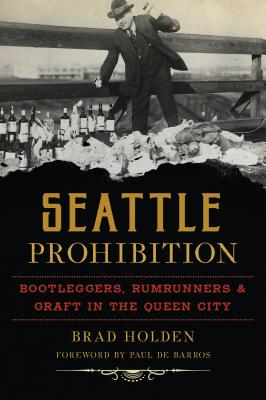
Brad Holden is a local historian, collector, and — as he puts it — urban archeeologist. His questing and questioning of finds lead to research that became his book Seattle Prohibition: Bootleggers, Rumrunners and Graft in the Queen City. He'll be appearing in conversation with Thomas Kohnstamm on Thursday, May 23rd at Third Place Books, Seward Park at 7:00pm to talk about the book. Find out more information here.
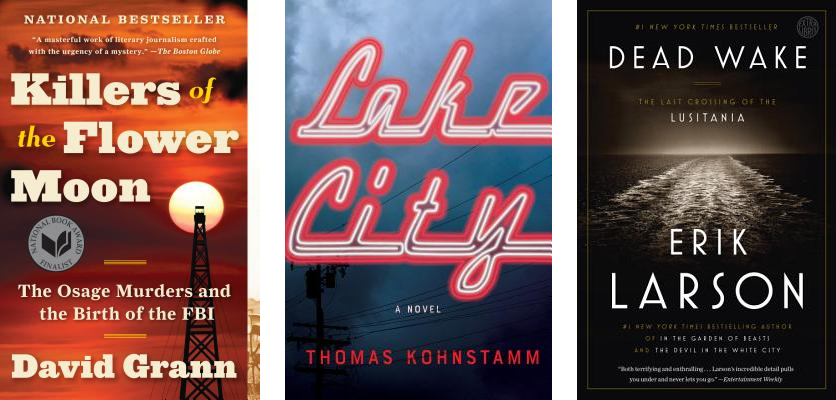
What are you reading now?
Right now I am reading Killers of the Flower Moon, by David Gran. A compelling yet heartbreaking account of what happened to the Osage Indian tribe in Oklahoma when oil was discovered on their land.
What did you read last?
Before that I read Lake City by local author, Thomas Kohnstamm. A really great novel that pays tribute to "Old Seattle" by way of the Lake City neighborhood, circa 2001. Kohnstamm is a buddy of mine and he really hits it out of the park with this book. I predict it will become a local cult classic that people will still be reading 20 years from now.
What are you reading next?
The next book I want to read is Dead Wake by Erik Larson. Being a writer of historical non-fiction, Larson has been a huge influence for me. He has a knack for bringing these stories alive and turning them into real page-turners, so am looking forward to diving into this one!
The Help Desk: Gotta catch 'em all
Every Friday, Cienna Madrid offers solutions to life’s most vexing literary problems. Do you need a book recommendation to send your worst cousin on her birthday? Is it okay to read erotica on public transit? Cienna can help. Send your questions to advice@seattlereviewofbooks.com.
Dear Cienna,
In record terms, I’ll listen to any artist who comes out from Sub Pop. I won’t love all of their musicians, but I will at least think they’re interesting and well worth my time. Do any publishers consistently put out worthy books, to the point where their imprint on a spine makes them an automatic buy for you at the bookstore?
Rob, Westwood
Dear Rob,
The only product I'm loyal to is my Hammacher Schlemmer's metal-detecting sandals, which are the closest thing I've got to a retirement plan.
That said, I gravitate towards Coffeehouse Press, Future Tense Books, Copper Canyon Press, and Tin House. I'm sure I'm forgetting a few names but I've been told that I have the attention span of a YouTube star coupled with the natural warmth of a Hollywood spider. Speaking of, did you know that eating your young is considered both Keto and Paleo?
Kisses,
Cienna
Mail Call for May 16, 2019
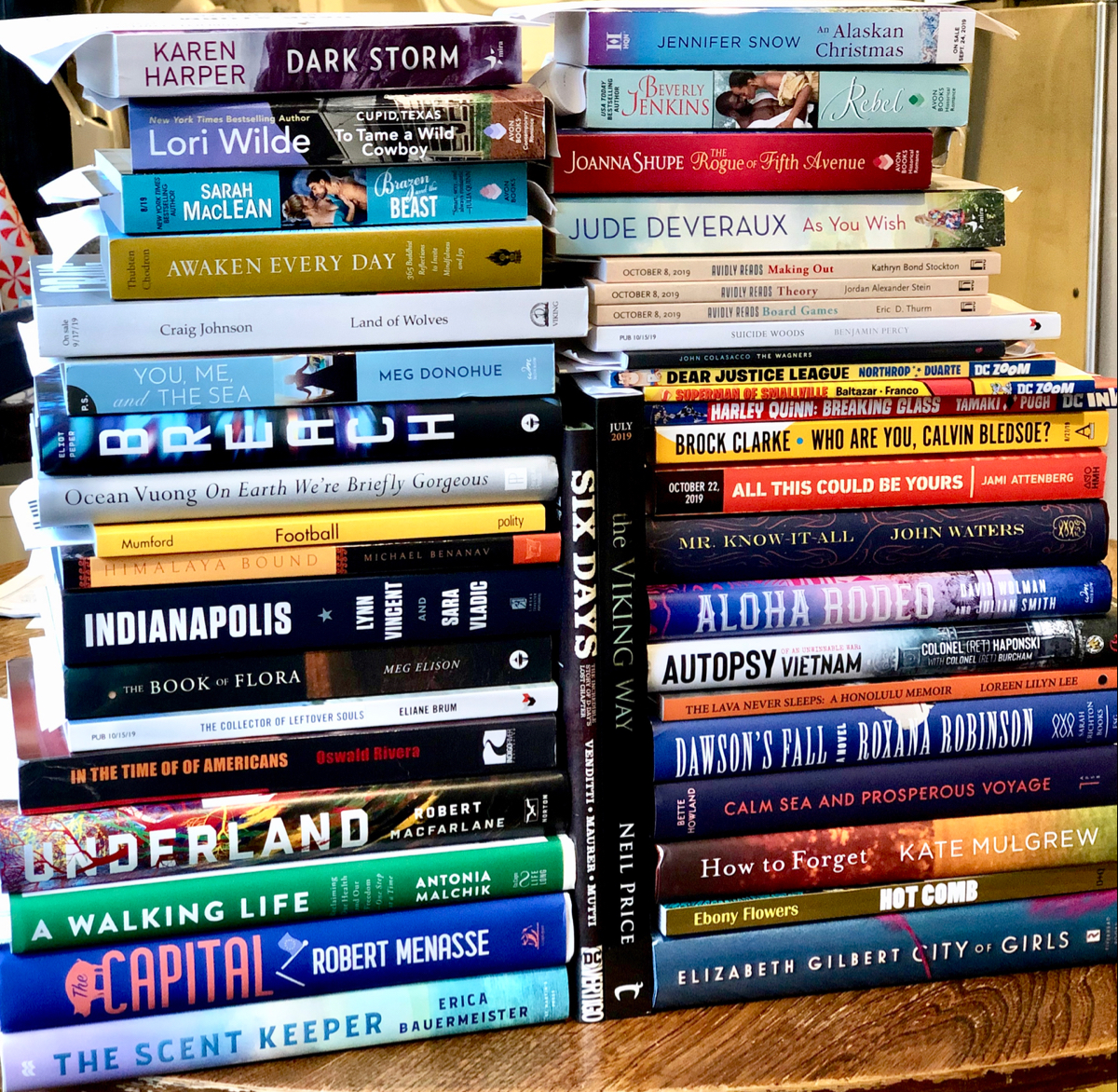
The Seattle Review of Books is currently accepting pitches for reviews. We’d love to hear from you — maybe on one of the books shown here, or another book you’re passionate about. Wondering what and how? Here’s what we’re looking for and how to pitch us.
The Portrait Gallery: Walt Whitman
Each week, Christine Marie Larsen creates a new portrait of an author or event for us. Have any favorites you’d love to see immortalized? Let us know
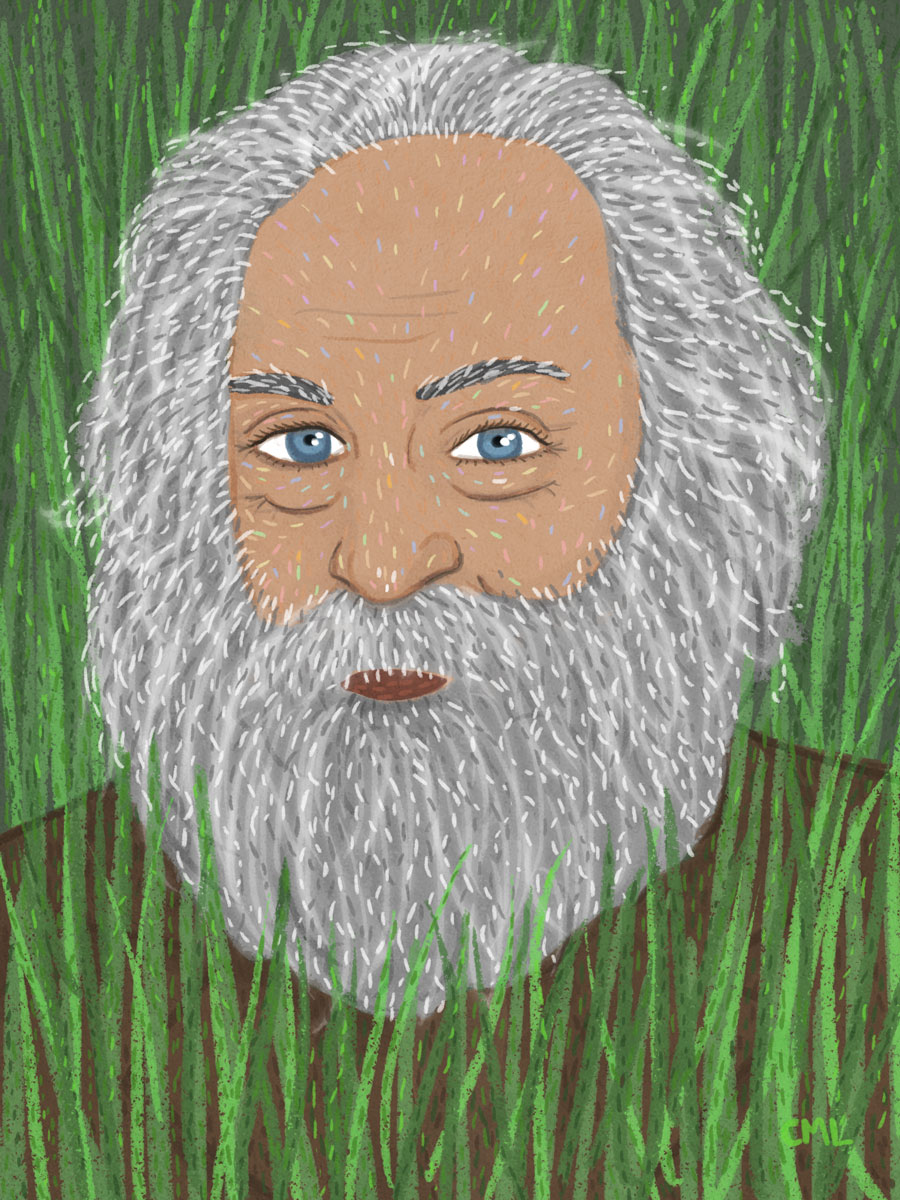
Saturday, May 18th: Bushwick Book Club — Seattle’s only regular event that pairs local musicians with a book in order to create new music tackles Walt Whitman’s Leaves of Grass. Poets will be onhand to share their thoughts about Whitman, too. Hugo House, 1634 11th Avenue, 322-7030, http://hugohouse.org, 7:30 pm, $10.
The Future Alternative Past: If you lived here, you'd be home by now
Every month, Nisi Shawl presents us with news and updates from her perch overlooking the world of science-fiction, fantasy, and horror. You can also look through the archives of the column.
Soon I’ll embark on a bunch of plane trips: eight in the next seven months. Connie Willis remarked in her time travel novel To Say Nothing of the Dog that no one from any era is satisfied with their own era’s transportation methods, and I know that’s true for me. The hurry-up-and-wait necessitated by departure and arrival schedules, the invasiveness of TSA screening procedures, cramped seats — I turn to SFFH’s visions of travel for relief, or at least variety.
Ray Vukcevich’s 2002 short story “In the Flesh” cranks up the absurdity of current security theater performances just enough for delicious but slightly awkward irony. (Warning: its accompanying illustration may be NSFW.) Looking into the future many believe is science fiction’s rightful turf, we find authors imagining flying cars and spaceships. Though they’re more evident in film and television than in written formats, flying cars have long been one of the genre’s staple props. They’ve yet to become a staple consumer item in reality, however. And space ships? Regarding them we’ve regressed. They used to actually exist, and now they’re little more than presidential wet dreams.
But when it comes to imaginary vehicles the leader of the free world has a myriad to choose among. From the sentient, planet-sized, interstellar craft of Iain M. Banks’s Culture series to the darkly echoing, utilitarian Martian ferries of Richard Morgan’s Arthur C. Clarke Award-winning Thirteen, there’s quite a range. Hard science fiction is also used to addressing space ship practicalities such as power sources (solar sails, for instance, á la Clarke’s “Sunjammer”), or the many years of most voyages’ duration (generation ships, for instance, á la Rivers Solomons’ An Unkindness of Ghosts).
Not everyone expects such down-to-earth considerations in their SFFH, though, as one author’s recent remark about “traveling at 10 times the speed of light in anti-gravity boots” indicates. And of course the imaginative genres can oblige. But even when writers draw on standard story furniture such as force beams, the trickier corollaries of these axiomatic elements of the SF universe come under scrutiny. Exactly how do “transporters” such as Star Trek’s work? By destroying the original of a person and reconstituting her as a copy? “Think Like a Dinosaur” by James Patrick Kelly explores the rather gnarly ethical problems that solution brings up.
Fantasy also transports people instantaneously — magically! And it presents plenty of alternate means of travel as well, from rides on dragonback to steampunk’s ubiquitous dirigibles to shortcuts through Fairyland like the one taken by the protagonists of Zen Cho’s latest novel, The True Queen.
As for Horror’s connection to this month’s topic, what’s usually involved is travel without warning to a lesser known, more troubling land, as in Marc Laidlaw’s “Cell Call.” Sometimes it’s the land of the dead; sometimes it’s a hazard-ridden mindscape, as in H.P. Lovecraft’s “Dream-Quest of Unknown Kadath” (which Kij Johnson responded to in a tone of feminist insouciance with her novella “The Dream-Quest of Vellitt Boe”).
“Where do you want to go today?” asked the 1990s Microsoft advertising slogan. Or where would you rather not go? One way or another, SFFH will take you there.
Recent books recently read

Amnesty (Tor), the third and final book in Lara Elena Donnelly’s ravishing Amberlough Dossier is thicker than the first two. This is a good thing. Neither the author nor her audience want to reach the end of the decadent adventures of Aristide (drag queen, smuggler, and sometime revolutionary) and his lover Cyril (collaborator and spy). But with the Nazi-like Ospies finally out of power and Ari’s bomb-wielding comrade Cordelia martyred and memorialized, with Cyril’s diplomat sister free from the fascist former government’s manipulation and Cyril himself returned from years of imprisonment and torture, there are only a few more escapes to engineer, a few more dangers to flaunt. Our louche heroes, rightly worse for many years’ wear, deserve a conclusion. Donnelly provides them with one that’s satisfactory as well as plausible, but may still provoke re-readings. After all, how many multivolume secondary world genderqueer espionage epics are out there? Not a lot. Not nearly enough.
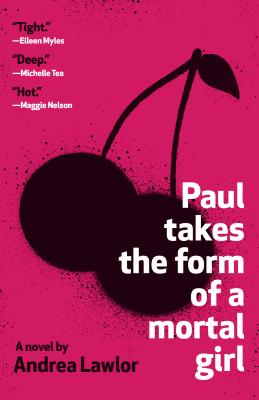
Paul Takes the Form of a Mortal Girl (Vintage), for instance, is unlike the Amberlough books except for two things: it messes around with gender, and it’s delicious. Its author, Andrea Lawlor, set their tale of a shapeshifting twink’s lesbian love affair firmly in the U.S. of the 1990s. The only espionage hero Paul Polydoris indulges in is disguising himself as “Polly,” a woman complete with vagina, clitoris, urethra, and g-spot — but no menstrual period. Yet even while crashing the TERF-identified Michigan Womyn’s Music Festival and rapturously surrendering to couplehood with a butch dyke, internally Paul never switches pronouns. He consistently identifies as male, redefining and complicating the concept of “masculinity.” For those of us hooked on the cognitive estrangement of SFFH this is an alluring narrative cocktail. Frustratingly for genre fans, though, Paul fails to uncover the cause of and mechanism behind his self-generated sex changes — in fact, he barely tries. And that’s how, ultimately, this book earns its label as “Literary Fiction” — by falling short of speculative fiction’s more rigorous standards. Nonetheless, the fall is sweet fun. Jane, Paul’s best friend, always feels better “when she [has] brought herself around to a critique of the heteropatriarchy.” Me too.
Couple of upcoming cons
The finalists for the 2019 Locus Awards have been announced! Once again they’re being presented in dear old Seattle during the fabulous Locus Awards Weekend, which is sort of like a scaled down sercon, but with Hawaiian shirts and donuts. Readings and presentations and workshops, in other words, plus Connie Willis describing — in an intimate setting — how it feels to be bitten by a bat. Also, there will be at least two plastic bananas.
If you’d rather avoid the bananas you may want to swallow dissatisfaction with today’s transportation options and fly over to South Africa for Geekfest 2019. Confusingly, there’s a similarly-named one-day event held in South Jersey, but the Pretorian Geekfest lasts an entire weekend and promises cosplay, LARPing, and celebrations of geek culture (that being part of the con’s name) and Japanese culture (that being the con’s theme this year). And also, presumably, their overlap.
Book News Roundup: Seattle Arts and Lectures announces new season, Book Bingo is officially underway
Seattle Public Library and Seattle Arts and Lectures unveiled this year's Summer Book Bingo board. It includes squares like "book about disability" and "made into a movie." The game began yesterday and it continues through September 3rd. Download your cards here.
Seattle Arts and Lectures unveiled their 2019-2020 season this week, as well. Events include a conversation with Ta-Nehisi Coates and readings from Lindy West, Amor Towles, Patti Smith, and many more. Read all about it on SAL's site.
Great Seattle cookbook store The Book Larder is launching a podcast!
Amazon bounced Portland indie bookstore Powell's from its website for no reason. They only reinstated Powell's after Portland alt-weekly Willamette Week investigated.
Thursday Comics Hangover: To darkly go where no one has gone before
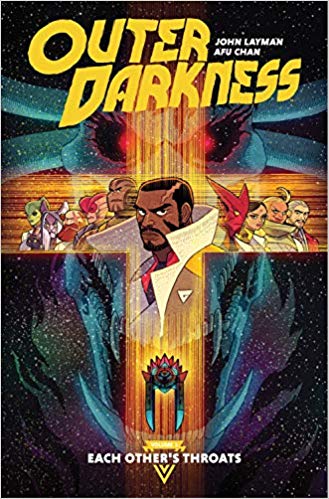
To put it in Hollywood pitch-meeting terms, Outer Darkness is Star Trek as written by H.P. Lovecraft (without the latter's monstrous racism.) Like most pitches, it's an accurate description, but it's also wholly inadequate.
The new series — the first collection of which went on sale yesterday — is written by John Layman and illustrated by Afu Chan. Outer Darkness seems set on upending audience expectations. Chan's art, for one thing, is cartoonier than you might expect for a horror artist.
Horror comics, from EC Comics to the modern day, tend to lean on realistic art in order to make the audience as squeamish as possible. When the neck being menaced by a butcher knife looks realistic, for instance, you're more likely to wince in sympathy than if it's a simplistic cartoon neck. But a more realistic artist would likely make the sci-fi setting feel cheap or unbelievable.
Chan, though, is a perfect fit. He can illustrate a haunted sun or a starship's bridge overcome with a plague of demonic eyes. It's all one cohesive universe, and nothing feels too bizarre to believe. Without his deceptively simple designs, the book would likely fail to blend the magic and the science in a believable fashion.
Layman obviously has a plan in mind for this book. Captain Joshua Rigg is a compelling lead character — he's just taken command over the Charon, and nobody (including the reader) knows if they can trust him. He's not afraid to bend the rules to do a little treasure hunting, but he seems to have some sort of a half-baked moral code in place.
Part of the pleasure of this first volume of Outer Darkness is seeing what kind of world Layman and Chan are building. The ship has its own exorcist, and a mortician on hand. It's powered by a demon god rather than a warp core. Death isn't as permanent as you'd expect.
Outer Darkness is a classic sci-fi adventure story turned on its head, a story about bad people trying to thrive a dark universe. It's an ingenious premise, and Layman and Chan make the most of it.
Book News Roundup: 25 years of Floating Bridge
-
We
just caught wind of this big event happening in Redmond
tomorrow night, and we thought you should hear about it:
Please join us for SoulFood Poetry Night at 7:00 pm on Thursday, May 16, 2019 at SoulFood Coffee House in Redmond, Washington to celebrate the 25th anniversary of FLOATING BRIDGE PRESS. This month our featured performers are Floating Bridge Press poets Katy E. Ellis, Natasha Kochicheril Moni, Rena Priest, Michael Schmeltzer, and Dujie Tahat. Please also bring your own poems for our open-mic reading. Be there!
-
If you want to know what a writer should not do when presented with a negative review, please read this long and cringe-worthy email from a sci-fi writer to a site called Sci-Fi and Scary. Seriously — just when you think it's gotten as bad as it possibly can get, it takes a turn for the worse.
-
A few months ago, we told you that the second largest book distributor in the country, Baker & Taylor, is getting out of the indie-bookstore-supplying business. This is terrible news for independent bookstores, which now have only one option to get books in a timely manner. Publishers recognize this, and are trying to make up the difference for indie bookstores. It's unclear if this new program is anything more than lip service, but it's important to note that even the publishers realize what an existential threat Baker & Taylor's retreat poses for the entire industry.
-
Here are fifteen reasons an old-time-y movie studio is not going to turn your screenplay into a silent movie.
-
Here is some bad writing advice from Ernest Hemingway.
This Sunday, Bill Carty will show you where his newest poems were born.
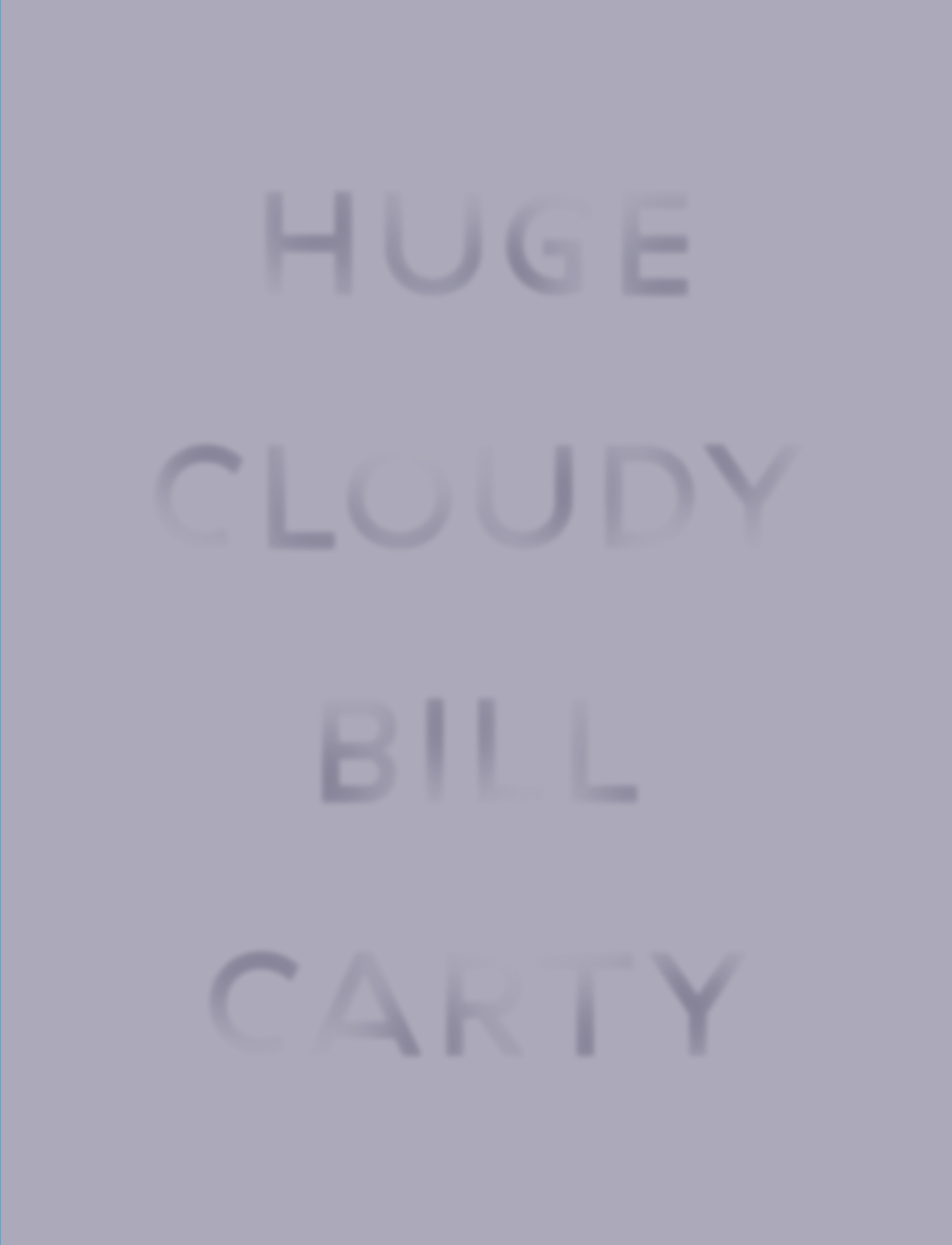
Seattle poet Bill Carty collects the beginnings of poems while he's walking around in the world. "A lot of the more recent poems [in his debut collection Huge Cloudy] began in my Notes app on my phone," Carty says.
"I have two young kids, so I'm often pushing them around in a stroller" in his Green Lake neighborhood, Carty explains. He'd hear or see something — "an overheard conversation or specific trees" — that he would then record.
"I still do most of my writing at a desk in an office surrounded by books," Carty says, but those notes from his walks prompt him into writing "so I'm not sitting down with nothing." Even if nothing specific from the notes winds up in the final version of the poem, they'll still influence the text in subliminal ways.
This coming Sunday, Carty is celebrating Huge Cloudy with a walking poetry reading that stretches three miles around Green Lake and Phinney Ridge. "I want to bring the poems back to those places" that inspired them, Carty says. You can find a full schedule and map on Carty's site.
The reading starts in the northeast corner of Green Lake at 12:30 pm. "There's a cedar tree there that fell down in a storm in August, 2015, which is when my daughter was born," Carty says. "I remember walking around the lake and seeing that tree, freshly fallen, and it was cut up in pieces, different segments at a time, and taken away." The tree and its removal inspired a poem that ends the book and begins the reading.
"Starting with that tree, we'll then move around Green Lake, up through Woodland Park, down the west side of Phinney Ridge toward the 418 Public House, which is where the final gathering will be," Carty says.
At various stops along the walk, various Seattle poets will read a piece or two. Confirmed guests for the afternoon include Gabrielle Bates, Kary Wayson, Dujie Tahat, Alex Gallo-Brown, and Jane Wong. Weather permitting, Carty says, a kiddie pool might get involved. And "I have a megaphone. I don't know that it I'll actually use it, but it will at least make me look official."
The Huge Cloudy launch is a big experiment, and Carty's not sure how it's going to turn out. He says that the 418 Public House asked him how many people to expect for the reading/book sale/launch party. "I told them I don't know — it could be five, could be 30, it could be everybody would have dropped off the hunt by then. I'm not really sure." He doesn't sound worried at all.
Carty sees the event as a demonstration of a quote from Joshua Beckman: "I don’t imagine that the central location of poetry is the book. Really, no, I imagine the central location of poetry is the world."
Beckman's words lit a candle deep inside Carty: "that's a really interesting way of thinking about where poems start and where they're quote-unquote finished in terms of being on the printed page," he says. To celebrate the book's publication, he's going to release those poems back into the world where they were born, to see what happens next.
Join us on June 5th to discuss the Mueller Report
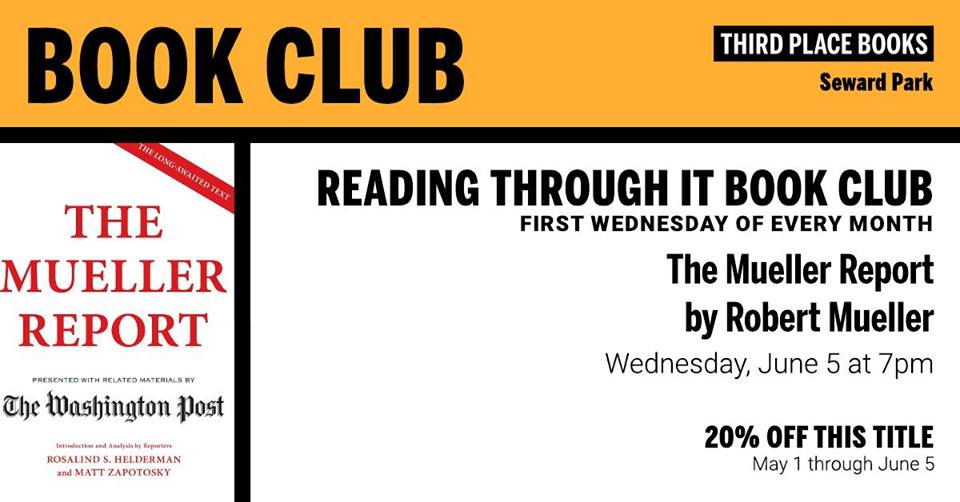
According to CNN polling, only three percent of Americans have read the entirety of the Mueller Report, while 18 percent claimed to have read "some" or "a little" of it. That means more than three-quarters of all Americans have not read any of the Mueller Report.
Not every American should read the Mueller Report, of course, but it would be nice if we could get those numbers up a little bit higher. It's important to understand and to share actual information, rather than just a series of rage-baiting headlines. The more people who can understand the breadth and the depth of the Mueller investigation, the better public discourse will be.
With that in mind, on June 5th the Reading Through It Book Club will be discussing The Washington Post's edition of The Mueller Report at Third Place Books Seward Park. We'll be meeting at 7 pm, per usual, and there's no pre-registration. The book is on sale for 20 percent off right now at Third Place, but no purchase is necessary to attend.
This is an important opportunity to talk about what's in the Report, what's not in the Report, and what it all means for the next year and a half in American politics. It's okay if you don't read or understand the whole report before the 5th; we fully expect to be working through the book together, and that means making room for all the things we don't know.
The Reading Through It Book Club has been a pretty special experience for me. It's a space that allows people to wrestle with big ideas of what it means to be an American after Trump's election. With the Mueller Report, we have a chance to stare directly at the presidency, to see what the record says, and to understand what we know. If you're curious about the Mueller Report, this is your chance to do so in a room full of supportive people with the same goals. I hope to see you there.
The Rubber Meets the Road
Published May 14, 2019, at 12:00pm
Travel guidebooks have slowly lost the attention of readers as smartphones and internet access have become universally adopted. A new, beautifully illustrated book recasts the idea of what travel books might be: this one is an intimate account of a journey that puts readers in the passenger seat.
Pocket Pal Bromides Attributed to Celebrities
I feel that luck is one thing
I was smart enough to go through
Dressed in overalls and meeting
Opportunity measured by
Your most unhappy customers
Who know something
When nobody is looking.The worst mistake a boss can make is
The opposite of love, the secret of business,
The trouble with learning from one acorn.Miracles are nothing, the creation of any place
Worth going to arrive at a conclusion.Failing nineteen times, I’ve learned the one
Who brings out the best in me
Looks like an empty mind
With an open one to ask a better question.It’s indifference not to say well done
To get a better answer and start doing
The history of tomorrow nobody else knows
To be receptive of feedback.Anything worth doing is the name
We give our mistakes to see
What is right when you hit bottom.Success is how high you bounce
Successful people,
Your chances of success,
The key to success, and succeding.
The only thing missing here is you

Going on four years, now, the award-winning Seattle Review of Books has been funded in a novel way: by you. No, not like NPR with donations — our funding is by you, independent writers, and artists. It's from you, local foundations offering programs and events. And you, charitable donations looking to get your message out to a public who care deeply about books and the book culture of our amazing city.
Why do our sponsors return again and again? Our sponsorships are inexpensive, and the only way you can capture Seattle's reading public in one place. They work to reach the audience you want to reach. One sponsorship buys our site out for an entire week, and puts your content front-and-center on every page across the site with original writing. Find out more on our sponsor page.
We just marked down the few remaining slots before we release our next block to sponsors — snag these quick before they go, and let us help you show our readers what you've been working so hard to bring into the world.
Your Week in Readings: The best literary events from May 13th - May 19th
Monday, May 13th: A False Report Reading
This is reading for a book about a Seattle woman who, in 2008, reported that she was raped by a masked man. Police doubted her story and accused her of false reporting. Later, a Colorado police officer would eventually discover that the Seattle woman was telling the truth the whole time. What a terrible story, but what an important story to tell. Elliott Bay Book Company, 1521 10th Ave, 624-6600, http://elliottbaybook.com, 7 pm, free.
Tuesday, May 14th and Thursday, May 16th: Is, Is Not Reading
See our Event of the Week column for more details. Tuesday: Book Tree, 609 Market St, Kirkland, 425-202-7791, http://www.booktreekirkland.com/, 7 pm, free. Thursday: Elliott Bay Book Company, 1521 10th Ave, 624-6600, http://elliottbaybook.com, 7 pm, free.
Wednesday, May 15th: WordsWest
Next month, the long-running WordsWest Literary Series will host its final reading. This month, the series welcomes Seattle novelist Erica Bauermeister and poet Alan Chong Lau to put the "ultimate" in "penultimate." C&P Coffee Co., 5612 California Ave SW, http://wordswestliterary.weebly.com, 7 pm, free.
Friday, May 17th: Defining Cascadia
Cascadia Magazine joins forces with UpZones Podcast to discuss what it means to be from Cascadia. They'll be joined by a poet, a high-speed rail advocate, and an expert who will explain what fossil fuels are doing to the environment. There will be time for audience questions.
Horizon Books, 1423 10th Ave, https://www.seattlehorizonbooks.com/, 6:30 pm, free.
Saturday, May 18th: Bushwick Book Club
Seattle's only regular event that pairs local musicians with a book in order to create new music tackles Walt Whitman's Leaves of Grass. Poets will be onhand to share their thoughts about Whitman, too. Hugo House, 1634 11th Avenue, 322-7030, http://hugohouse.org, 7:30 pm, $10.
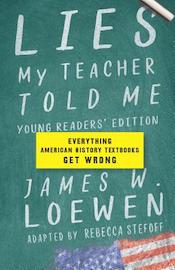
Sunday, May 19th: Lies My Teacher Told Me Reading
Does it strike anyone else as hugely funny that Lies My Teacher Told Me now comes in a young readers edition? Shouldn't they have changed the title to Lies My Teacher Is Currently Telling Me? In any case, this book, which re-examines history through a critical eye, is a very important one and it's great that kids now have more access to it. Third Place Books Lake Forest Park, 17171 Bothell Way NE, 366-3333, http://thirdplacebooks.com, 7 pm, free.
Literary Event of the Week: Is, Is Not Readings
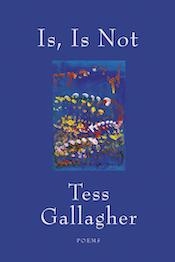
You have two opportunities this week to help a grande dame of Northwest poetry unveil a new book. On Tuesday, Tess Gallagher will be debuting Is, Is Not at Book Tree, a lovely store in Kirkland. And on Thursday, Gallagher brings her newborn book to Elliott Bay Book Company. You should attend one of these events.
Gallagher is a tremendously influential poet. I've lost track of how many poets I've interviewed who cite an encounter with Gallagher as the beginning of their life as a "real" poet. These stories vary — sometimes the poet becomes friends with Gallagher, sometimes they just exchange a few words after a literary event — but they are all career-altering moments.
Her career spans nearly five decades, and Gallagher has made the most of every moment of it. She has taught poetry to hundreds of students and edited anthologies and written short fiction and published dozens of books. It's impossible to account fully for her influence because her fingerprints are all over Seattle literature.
Gallagher's latest poetry collection, Is, Is Not, is very interested in time. These are poems about aging and all the frailty and confidence that it brings. Some poems skip forward in time, while many gaze backward. She writes that sometimes all it takes is patience to win a battle: "...wait long enough and things/will turn, will wear themselves out."
Ultimately, you can read Is, Is Not as yet another poetry book. But it also feels like a scattered memoir, a Vonnegut-like journey in an unmoored time/space continuum. The only constant theme in the book is Gallagher herself: all the watching, noting, remembering, and aspiring comes originally from her. And why wouldn't everything come from her? She has been a pillar of Northwest poetry since before many of your favorite poets were born. That kind of longevity and quality deserves a celebration. Or two.
Tuesday: Book Tree, 609 Market St, Kirkland, 425-202-7791, http://www.booktreekirkland.com/, 7 pm, free. Thursday: Elliott Bay Book Company, 1521 10th Ave, 624-6600, http://elliottbaybook.com, 7 pm, free.
The Sunday Post for May 12, 2019
Each week, the Sunday Post highlights a few articles we enjoyed this week, good for consumption over a cup of coffee (or tea, if that's your pleasure). Settle in for a while; we saved you a seat. You can also look through the archives.
My Cousin Was My Hero. Until the Day He Tried to Kill Me.
There’s a swathe — a broad swathe, of which “broad swathe” is one — of overused words and phrases that I struggle each week to avoid … There’s no better word, though, than the detestably common “gripping” for this essay by journalist Wil Hylton. For years, Hylton carried on an intense if intermittent relationship with his aggressive, violent, fascinating cousin. Here, he examines how his own ideas about being a man led to a nearly fatal attack from one of his most intimate friends.
I loved the shelter of his violence. It gave him the power to make wrong right. It made no difference that he never did, only that he could. I loved that when he came to a party, people made room for us to pass. I loved when he told me about breaking a pool cue in half and beating two guys with the fat end. I loved him even when I hated his violence, even when it hurt me.
Only Street Dogs Are Real Dogs
This is a strange and lovely possible truth, and an interesting showcase of how scientific proofs are built. As a bonus, read this, about Norway’s fascination with its captive wolves and visceral resentment of the free ones. (Spoiler: The most violent opposition to wolves comes from older white men.) Wolves are returning to the Pacific Northwest — how will we respond? Are they other? Or are they us?
When watching the dogs in the Mexico City dump, a number of our students would say, “These dogs are different from real dogs — these are mongrels.” The implication is that the kennel club breeds are the ancestors of the village dogs. People seem to believe that if a dog doesn’t look like one of the kennel club recognized breeds then it must be a hybrid or mongrel. People think if you let all the pure breeds go and they interbreed for a few generations, the resulting population of dogs would look like the Mexico City dump dogs.
Unconscious Bias Is Running for President
Rebecca Solnit brings her furious eloquence to bear on Democratic presidential field. This is a no-brainer: the more often we say that only white men have the potential to beat the whitest, mannest man in our country in the 2020 election, the more true it becomes. Marketing 101! Here’s hoping journalists get the message.
The New York Times in all its august unbearability just published this prize sentence in a piece about Joe Biden’s failure to offer Anita Hill an apology she found adequate: “Many former Judiciary Committee aides and other people who participated did not want to talk on the record because they feared that scrutiny of Mr. Biden’s past conduct would undermine the campaign of the candidate some think could be best positioned to defeat President Trump, whose treatment of women is a huge issue for Democrats.” That translates as, let’s run a guy whose treatment of women is an issue, and let’s ignore that treatment because even so we think that he’s best positioned to defeat the guy whose treatment of women is an issue, and also fuck treatment of women, especially this black woman, as an issue, really.
The Pillar
Finally! An essay by Karl Ove Knausgaard from which you can extract everything important without reading a word. In fact I suggest you do, or rather don’t, and go directly to the portfolio of Stephen Gill, the amazing photographer Knausgaard profiles. Gill’s images of birds are precise, messy, delicate, feral, awkward, sublime — all the perfection of imbalance that Knausgaard’s writing so deeply fails at every time.
All kinds of birds, from the smallest sparrow to the biggest eagle, were drawn to the pillar. Not only were they drawn down from the sky but the sky was drawn out of them: the birds in Gill’s images are so physical, so of the body, so material as to make plain to us how even their flight belongs to the ground. These birds came from the earth, there is nothing ethereal about them. The order to which they belong is prehistoric, predating our own by millions of years, and, although they have developed optimized beaks, claws, eyes, wings, they still struggle against matter every single day, the way they’ve always done — tossed about by the wind, compelled from their perches, dipping their wings to the water on hot summer days. That they are never perfect, that they are forever improvising, that no fixed form exists in their lives, are things I have never thought of as applying to birds until I saw these photographs.
How Robert Macfarlane documented Underland
In The Word Pretty, Elisa Gabbert says that “notebooks achieve so much of what poetry tries to achieve, but organically” — beginning and ending where they will. Instant amnesty for inveterate notebook start-and-abandoners everywhere! Robert McFarlane probably finishes his notebooks. But we love this photo-essay anyway — images from the notebooks he kept while traveling for his latest book.
The notebooks vary from a tiny lilac-coloured Moleskine just seven or eight centimetres high, to robust hardback journals, tough enough to withstand being dragged through limestone tunnel systems and soaked in slate mines. I’ve doodled on the covers of some of them; the ink has faded from black to sepia on the oldest of the notebooks, where they’ve seen the most light.
There are places in these notebooks where my handwriting has been smudged into illegibility by underground streams, or where mud and silt stains the pages brown, or where the spines and corners have been foxed and folded. These are, to me, as much part of the archive of a landscape as my poor-quality biro sketches and my transcriptions of conversations.
Whatcha Reading, Doug Nufer?
Every week we ask an interesting figure what they're digging into. Have ideas who we should reach out to? Let it fly: info@seattlereviewofbooks.com. Want to read more? Check out the archives.
Doug Nufer is a writer and poet who usually works with formal constaints. He has written many books, most recently Metamorphasis. He's our Poet in Residence for May.
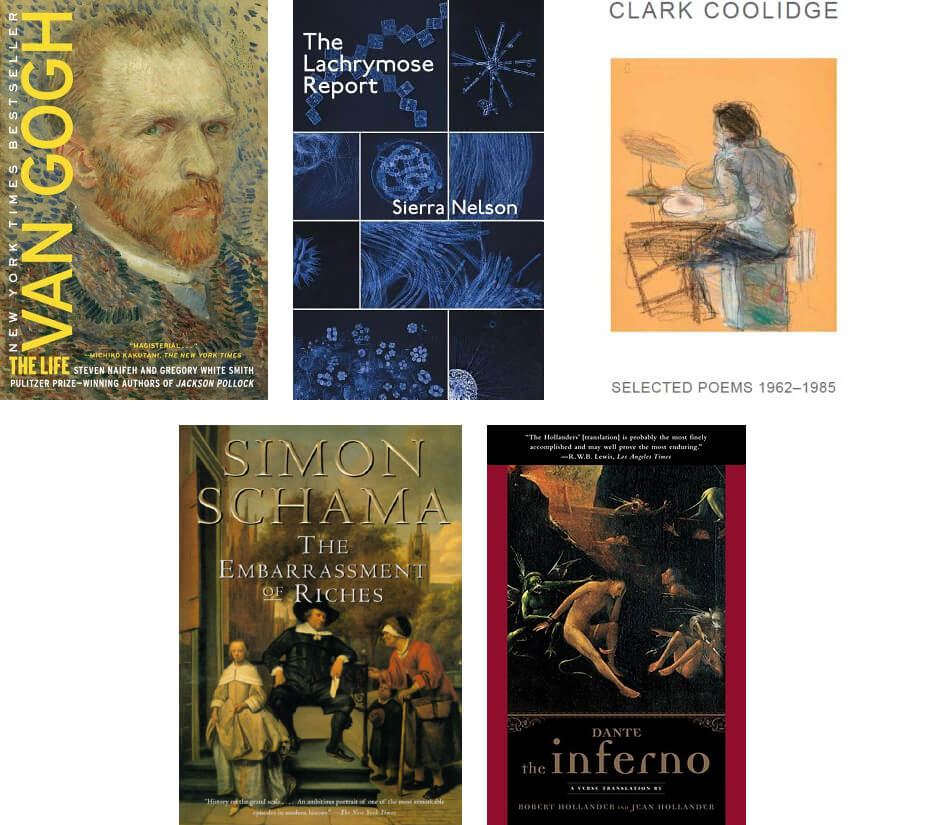
What are you reading now?
Now I'm reading Van Gogh: the life by Steven Naifeh and Gregory White Smith. It's taking a while because Kathleen and I read it aloud in small sections. Although we know what happens, there's a lot of suspense because he takes forever to start painting and there are few years remaining before he dies.
What did you read last?
Last I read The Lachrymose Report by Sierra Nelson and Selected Poems 1962-1985 by Clark Coolidge. I'd been going through the 460-page Coolidge book for years, while reading other books. I had bought Sierra's book as a present for someone, with the plan to read it and then give it away, but then I just decided to keep it.
What are you reading next?
Next I may read The Embarrassment of Riches by Simon Schama, which covers a historical period of The Netherlands before Van Gogh's time and seems to have a lot to say about our own imperial capitalist age. Or I may re-read Inferno, a parallel text of Dante and a verse translation by Robert Hollander and Jean Hollander. I had been ransacking Inferno for a writing project where I extracted smaller words from larger ones in their or my English translations (Inferno/ infer; direct/ dire), and when I saw this was a waste of time, it occurred to me that at least I got to re-read Inferno.
The Help Desk: The bookstore of her dreams
Every Friday, Cienna Madrid offers solutions to life’s most vexing literary problems. Do you need a book recommendation to send your worst cousin on her birthday? Is it okay to read erotica on public transit? Cienna can help. Send your questions to advice@seattlereviewofbooks.com.
Dear Cienna,
If you owned an independent bookstore, what would it be like? Would you specialize in mysteries? Cookbooks? Cursed texts bound in human flesh?
Nicole
Fauntleroy
Dear Nicole,
I am happy you asked that question because despite my aggressive lack of business acumen, I have strong opinions about how books should be organized. As you know, books are wonderful companions – they are the loyal, shit-free alternative to dogs and significant others – and yet bookstores can be overwhelming, especially for casual readers. Like online dating or pet adoption, it's often hard to know what pleases you until after you've experienced it. (And for readers like me who don't like summaries and don't trust blurbs, picking a book at random or based on someone's recommendation can be horrifying. That is how I stayed up all night reading The Lovely Bones just to make it fucking end.)
For these reasons, my bookstore wouldn't be organized by genre
or the alphabet, it would be organized by mood. For instance:
- Books to comfort you after another school shooting.
- Books for when you need a gift for your father-in-law's 38-year-old wife for Mother's Day (and other relatives you're politely formal with).
- Books you probably won't finish but feel compelled to buy because you're insecure about your intelligence and want others to see it on your shelf.
- Mysteries that don't lead with lady rape or murder.
- Books narrated by characters who probably don't look like you.
- Books to give to teenagers that you love but don't know how to communicate with.
There would be a card catalog, alphabetized by name, for people who were on the hunt for specific author. The card would reveal the book's main mood/location, as well as list beta moods that it fits into.
Juveniles would get a free book – their cost would be donating a book, provided it isn't a shit book like the Bible or Atlas Shrugged. Juvenile delinquents would get two free books, provided they could prove they were delinquents.
Finally, we would act as a repository for readers who were disgusted by an author's recent actions, which would most likely involve sexually assaulting or otherwise demeaning women because that seems to be pretty popular. We would collect all of these books and hold semi-regular public trash-barrel book burnings in our parking lot, where we would invite the whole community and charge obscene, baseball-stadium prices for mediocre wine and flaccid hot dogs.
I believe that is the only way to make such a bookstore viable — and if not viable, at least very fun for me.
Kisses,
Cienna
The Portrait Gallery: Charles Johnson
Each week, Christine Marie Larsen creates a new portrait of an author for us. Have any favorites you’d love to see immortalized? Let us know
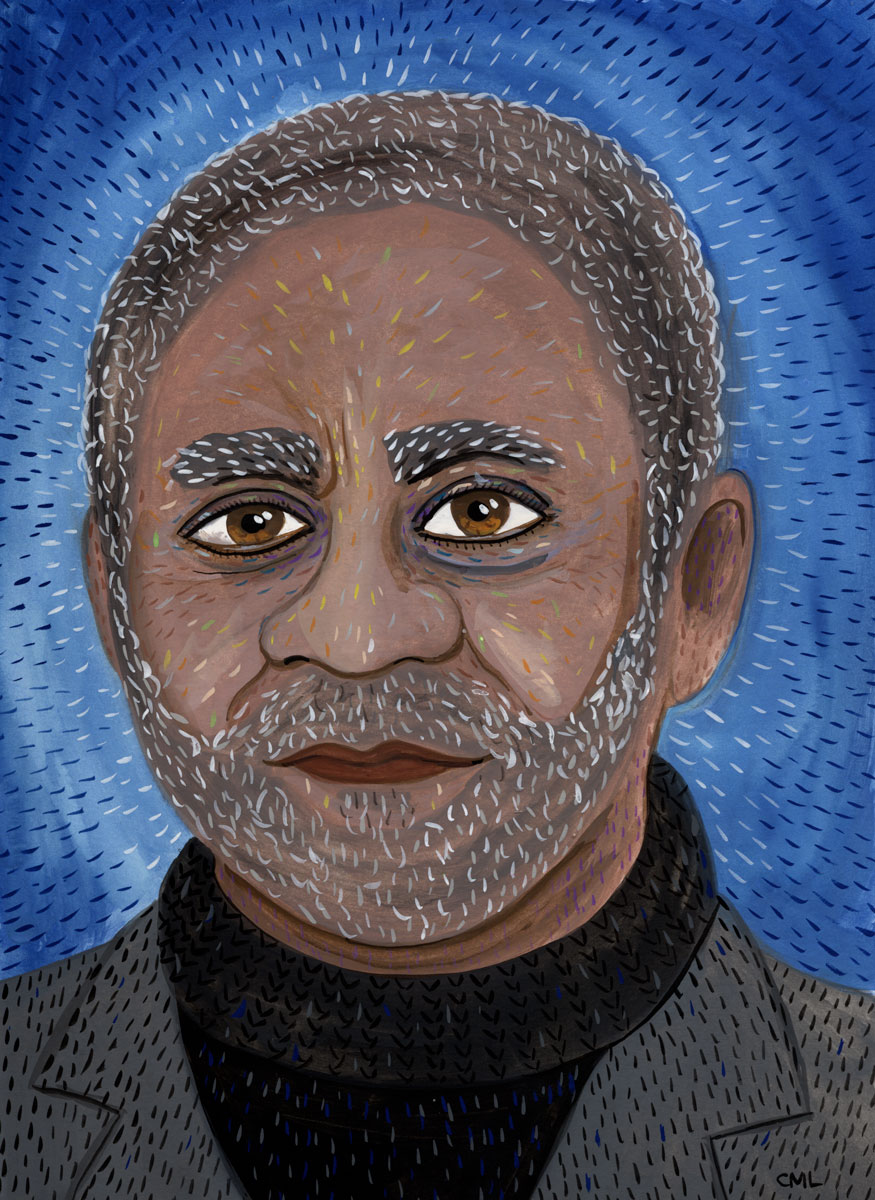
Sorry to say you already missed Charles Johnson speaking earlier this week, and you probably should have gone. Read what Paul said in the Event of the Week column if you want to wallow in your regret. But not all is lost: you can still buy copies of Johnson's latest book Night Hawks, which seems like a decent close-second option to showing up to seeing him speak.
Kissing Books: The placeholder heroine is...
Every month, Olivia Waite pulls back the covers, revealing the very best in new, and classic, romance. We're extending a hand to you. Won't you take it? And if you're still not sated, there's always the archives.
1992’s landmark volume of romance criticism, Dangerous Men and Adventurous Women, has had a difficult afterlife. One particular specter from romance author Laura Kinsale’s essay haunts the genre like the ghost of a first wife contemplating arson in the attic.
I speak of: the placeholder heroine. I loathe it — both the term and the theory — and I’m going to tell you why.
Kinsale’s original essay uses the term placeholder heroine to mean the reader allows the plot to carry her through the book, enjoyably, even if she knows she would make different choices than the heroine in the story. It’s anti-identification. But the phrase has taken root in the readership as a way of describing a heroine who is so bland and invisibilized that she allows the reader to almost literally take her place as the emotional focus of the story. Bella Swan of the Twilight series, for instance, gets pulled into this discussion a lot, poor girl. Cinderella, too, is assumed to be an empty vessel so the reader can bask in the relief of being rescued.
The idea — and I am describing it, not recommending it or saying it’s automatically true — is that readers pick up a romance because they want to fall in love with and feel loved by the hero, and any heroine who is too specific, too real, or too present gets in the way of the reader’s hoped-for experience.
That some readers go looking for this is undeniably true. The existence of the unfortunate phrase book boyfriends attests to this. Also this verging-on-nihilistic Guardian piece from 2009 about one woman’s tragic attempt to write a category romance; the article reads like a triple-layer chocolate cake made of self-loathing and internalized misogyny — and contains the line which is now branded upon my memory: “Mills & Boon heroines are like madams in brothels. They essentially have to facilitate a sexual encounter between two other people — the reader, and the hero.”
I’m not going to pretend that nobody’s ever rubbed one out over a domineering Harlequin Presents tycoon but good Lord that writer is really stretching a metaphor to the point of absurdity.
Other, successful authors aren’t so vulgar or Freudian, but it’s common to talk about writing heroes they hope readers will fall in love with. It’s widely assumed the reader will establish a sexual/romantic connection with a hero. It’s unclear how much of this is a marketing angle, and how much is what people think the books actually do in practice.
In this framework a romance can be for the heroine, or for the reader, but never both. And for the reader to be at the center of the story, to take the heroine’s place, she has to erase the heroine as much as she can.
I can’t be the only person who gets a little creeped out by that.
Granted, I’ve gone on record as someone who tries to focus on heroines as much as possible, out of feminist and contrarian impulses. The fact remains that there are some nasty side facets to the placeholder heroine conversation: for one thing, the idea that dubcon/forced seduction scenes can get the reader’s consent, if not the heroine’s. I find this, in a word, squicky.
For another thing, for a placeholder heroine to work as described, she can’t have any marks of difference that the reader does not share. Some white readers infamously say they can’t relate to a heroine of color because they can’t or won’t identify with her. Their white awareness of a black heroine’s difference prevents them from being able to disappear into her persona.
And the entire conversation around placeholder heroines is grossly heteronormative and cissexist because it doesn’t take queer/trans people into account at all, as readers or as main characters — though it might go a long way to explaining those parts of m/m romance that are all about straight women playing Now Kiss! with sexy fictional dudes. Because if someone’s internalized the Other Women Are Automatically Competition thing real deep then even the blandest placeholder heroine might be too much, and they can only let go and enjoy things if the whole Woman Question is off the table. (Men are aspirational identification; we’re all taught how to empathize with them.) Sometimes this even comes cloaked as liberal-mindedness, as in many of the comments to this Goodreads poll: a lot of people sincerely believe that gender inequality magically vanishes when the two main characters share a gender.
Let us be clear what a placeholder heroine is not: recognizing a meaningful part of yourself in a fictional character. That is plain human empathy, that is what the push for inclusive fiction is fighting for, that is something every one of us needs and deserves.
The placeholder heroine is the expectation that we have to separate, and choose between, the reader and the heroine in order for the book to do what it promises.
The placeholder heroine as a concept means that we’re only allowed One Completely Human Woman, either us or that chick on the book cover.
Identification, recognition, books as mirrors and windows — these are identification-as-sharing. It’s communal, and comforting, and builds community. The placeholder heroine is identification-as-supplanting. The framework marks a character — a main character! — as replaceable, as a blank space, as a territory to be conquered and colonized. Which is why we have to do it to heroines, who are women, the Officially There To Be Conquered Gender.
When readers go in expecting to be able to take the heroine’s place, they might feel cheated if she is unerasable. Perhaps this is one of the (many) reasons why heroines take the brunt of criticism in reviews, whether they’re difficult or prickly characters or not.
Plenty of readers do not read this way, at all. Plenty of readers are looking for heroines they can root for, who they could imagine being friends with, who are compelling and interesting and funny and just plain fun to be around. Heroines who share their struggles and fears (the surge of readerly love for Portia, the heroine from Alyssa Cole’s A Duke by Default who finds out as an adult that she has ADHD, is a marvelous recent example of this). Me, I love a lonely heroine, your Anne Elliots and Jane Eyres and anyone who secretly worries they’ll never be quite good enough to deserve love.
None of the heroines in the books reviewed below are placeholders. They are rich, vibrant, unique, and uniquely lovable fictional people.
Erase them at your peril.
Recent Romances:

Proper English by KJ Charles (self-published: historical f/f):
When presented with an f/f romance that is also a country house party murder mystery, three immediate questions fix in the mind: 1. Which character is our heroine going to fall in love with? 2. Which character is our soon-to-be victim? and 3. Which character is the killer?
Since Proper English is a prequel to the author’s much-recommended Think of England, we know the answer to number one: Pat’s going to fall hard for Fenella Carruth—who is, unfortunately, presently engaged to our host.
Answers two and three take up the rest of the book, and it’s an absolutely marvelous journey.
I’ve become so used to KJ Charles’ more Machiavellian-minded heroes (hello, Any Old Diamonds and Henchmen of Zenda) that Pat’s directness took a bit of getting used to. Not in a bad way—it was just a more no-nonsense voice than I was expecting, since Pat is the straightest shooter in England. Literally: she recently won the All-England Ladies’ Championship. Once I re-tuned my ear, the rhythms carried me along as always. Pat is intelligent, thoughtful, observant, kind, frighteningly competent, and humble enough to think none of these virtues are enough to make her more than ordinary. This complexity meant that despite her supposed plainness of character (she certainly thinks of herself as plain in figure as well as in intellect), every emotion of hers rang me like a bell whenever it turned up. Pat’s love for her brother Bill, her complicated grief for their two lost siblings, her tumble into attraction and passion—they’re all the more glorious for coming on quietly.
Fen, our other heroine, is one of my favorite archetypes: the bouncy, fluffy, run-on-sentence kind of adorable with undiscovered metal beneath the fluff. She’s an absolute confection and I wanted to fix her a sugary cocktail and listen to her ask endless questions forever. The contrast and chemistry she has with Pat is exquisite, and I can’t wait to see more of them in the copy of Think of England that’s been languishing in my TBR for far too long now.
As for the killer and victim … Lately I’ve been in an Extremely Vintage Murder Mood, watching grainy miniseries with Peter Wimsey and Harriet Vane, picking up used copies of Highsmith’s best, mainlining any detective show that focuses more on the social puzzles than on the physical detritus of the crime scene. It’s a hunger for something—a feeling, an emotional experience, a palpable resolution, justice. Things that feel increasingly hard to find in the real world.
This book was precisely the thing to sate the appetite.
“These sorts of things are miserable for ladies.”
“Technically, you’re a lady,” Bill pointed out.
“Not for the purposes of a shooting party I’m not, and Jimmy had better remember that.”
“He will,” Bill assured her. “Nobody would invite the All-England Ladies’ Champion to a shooting party and ask her to crochet doilies.”
“Oh yes they would.”

Reverb by Anna Zabo (Carina Press: contemporary trans queer m/pan f):
Reverb as a musical term is about echoes: what you don’t quite hear, what you hear too much of, what whispers on the edges of a note or a chord. A double layer of sound. Anxiety and trauma do something similar to the human body/mind — pain amplifies or muffles a signal, distorting the sound and disturbing the peace. The past is always a little audible in the present.
Readers should go in knowing Anna Zabo’s latest rock star romance starts with a stalker plot, necessary to give our bodyguard hero David and rock queen heroine Mish a reason to collide. But the real stakes in the book are about identity: David and Mish have both fought for decades to become completely themselves, and take pains not to demand anyone else bend or change or sacrifice too much out of respect for the difficulty of being a complete person. They both pride themselves on being the strong one, the caretaker, and they are happy to take care of one another (both in and out of bed — the sex scenes are delightfully switchy). This carefulness is precisely what brings the biggest conflict: two characters desperately in love with one another, deeply invested, who feel they can’t even ask for what they really want because the act of asking feels too much like demanding submission. Better to step back, to hide tears, to die quietly inside without anyone ever knowing.
It’s a little about pride — but a little about boundaries, and it’s complex and utterly gripping.
First two Twisted Wishes books were very much about characters learning how to cope; this book is about capable characters learning how to thrive, which is an entirely different challenge. I tore through the chapters, hooked as always by the vividness of Zabo’s glam-rock world and the dazzling characters — but the more I reflect on the book afterward the more allegorical it seems, like a chess game whose strategy is only revealed in hindsight. The external threat becomes a Gothic gloss on the central emotional dilemma: the villain is someone who demands what he has no right to, someone who overreaches, who ignores the plainest and most basic of boundaries. The stalker (mild spoilers?) is eventually caught but never named, which is a supremely, breathtakingly elegant way to villainize him in a romance with a trans main character where names are meaningful choices and assertions of identity.
The book feels effortless, but the gut-punch lingers — just like any good rock anthem should.
Emotional hangovers were worse than alcoholic ones. She didn’t get drunk that often, but when she did, she could blame the nausea and headache on being foolish.
This wasn’t foolishness, but her life.

Kiss and Cry by Mina V. Esguerra (self-published: contemporary m/f):
The #romanceclass hashtag on Twitter has become one of my go-to places to check for contemporary romance: every one of the Phililppine-based authors promoting there seem to have perfected the delicate balance between angst and escapism. This book caught me because I have absolutely no chill where figure skating/hockey romance combinations are concerned — but while I got plenty of insider athletic competence, as promised, I also got a rare and thoughtful view of a real-world city, and what it means to the people who live there, move there, and/or are from there. The romance is solid and the sex is definitely great, but it was Mina V. Esguerra’s marvelous sense of place that really blew me away.
This book is an absolute love letter to Manila — not in the touristy, Here Are My Postcard Views kind of way, but in the sense of a living, changing city, with restaurants popping up and going under, living expenses to navigate, cultural habits to allow for and struggle against (hockey, for instance, is a niche sport in a latitude that never freezes).
Cal and Ram both struggle with the baggage of the past, a lot of which is wrapped up in the literal geography of the city: the rink they both practice in, the neighborhoods where their family members live, the sisig restaurant that’s the only place open late at night when practices are finally done. Cal has spent her figure skating career close to home rather than training somewhere with more resources (Russia or the US), which may have limited her ability to excel in ways she can’t even measure — and Ram has split his time imperfectly between Manila and his emigrant parents in Texas, who have tried to make a clean break with their past even if it means never going back to visit relatives still living in the Philippines. The reader is treated to a complex exploration of what it means when home feels like somewhere you have to leave to succeed: as Cal says, “A better life was always Somewhere Else.”
There is so much unspecified yearning in this book, even outside of the romance, that it left me feeling deeply wistful. This is no accident. According to this thoughtful Goodreads review, it is an absolutely perfect snapshot of a particular kind of disaspora experience, about feeling like you are torn between two places, and have only a tenuous connection with a past and present. The book came out in February of this year, and the best way I can describe it is that it feels like a very February kind of book. A little sad, a bit of winter glitter, and a whole beating heart on display.
He could have offered to stay. Proposed marriage, right there in front of everyone. Ram excelled at down-three-at-halftime kind of pressure. He was game-winning goals record holder. He could pull a fucking grand gesture if he needed to.
But he also trusted Cal, more in that moment than his own hockey warrior self, and if she said he was about to be goaded into regret, he believed her.

Tightrope by Amanda Quick (Penguin: historical romantic suspense m/f):
Why did none of you tell me Amanda Quick’s new historical suspense series included descendants of her Victorian psychic family? This is like my own personal The Force Awakens and it is Gothic and glamorous and pulpy as all get out and I am ridiculously, absurdly happy about it.
A lovely trapeze artist pushes a would-be killer to his death in the first scene; in the second, a humanoid robot murders his creator in the middle of a public demonstration, as the same trapeze artist looks on in horror. It’s a jam-packed 1930s thriller romance just in time for the long, hot, vacation days of summer. We have gunrunners and mob men with hearts of gold, spunky heroines whose wits are as sharp as their tongues, a cursed hotel where a Hollywood psychic flung herself from the roof, several untrustworthy liars, and a missing encryption machine to find before the villain gets their hands on it.
Amalie and Matthias are fun characters — Amalie is especially grand, maybe one of the best AQ heroines ever — even if the romance doesn’t quite hit me in the gut like I wanted. We do get a good, slow burn at the start while the mystery twists the screws. The dialogue snaps with noirish banter, the whole thing’s low on the insta-lust, and despite all the glamorous murder it’s not too angsty or gory or gleeful about sexualized violence. Amanda Quick has been writing books just like this for decades, and I hope she never stops. It’s more slick than subtle, but it’s so nice to be in the hands of someone who knows what they’re doing even if you can see the gears turning while they do it. Perfect fluff with a moody glaze.
“Not everyone will have issues with your past.”
“Who is going to trust a woman who may or may not have murdered her lover?”
“Me.”
She froze, hardly daring to breathe. “Is that right?”
“Yes. Your turn. Does my talent scare you?”
“A madman with a knife and a wire necklace once tried to murder me. Knowing that you may be able to tell if I’m lying to you doesn’t even make the list of the top ten things that make me nervous.”
This Month’s Strong and Steely Hero (But Not Like That):

[Swordheart] by T. Kingfisher (self-published: fantasy m/f):
There is nothing that lifts my spirits so much as a smart, funny, queer-friendly romance in a fantasy setting. T. Kingfisher is a pen name for Hugo and Nebula winner Ursula Vernon (among many other awards), and so you know going in that the fantasy is going to be top-notch.
But this story of a widow heiress beset by nefarious family members and a warrior trapped in a magical sword still took all my expectations and blasted them into happy smithereens. Halla is a bright, curious, talkative dumpling of a person with hidden fire, and pairs beautifully with sword-man Sarkis’ grumpy, taciturn, burn-it-down fierceness (think Elliot Spencer from Leverage). They are both too-conscious of their own flaws, and intensely admiring of each other; it made my heart absolutely sing to watch them slowly realize how deeply they’d fallen in love while fighting not to.
This is a world of multiple gods with different approaches to power and people, a past racked by cataclysm, plenty of ground-level small-village social mores, and artifacts with centuries-old magical curses turning up as family heirlooms. Notes of Pratchett and Diana Wynne Jones, but all the detail about agriculture and livestock is expert, up-close texture.
At one point Halla describes all the ways they could easily live off the land if they weren’t trying to keep a low profile and I danced a little in my chair to see so deep into the layers of this world. It’s rewarding as hell.
At another point we get one of the single funniest bodily-fluids jokes I’ve ever seen written down. It’d be great enough as a one-off moment — but it turns into a relevant plot point later one, with effortless grace. If I thought the author could’ve heard me, I would’ve applauded then and there.
The ending implies there’s a sequel forthcoming and honestly I cannot wait.
Sarkis had been expecting Halla to sob, cry, or perhaps be as sick as Zale. Her remarkable calm in the face of two dead bodies was simultaneously heartening and a trifle alarming. “You’re taking this well,” he said.
She raised an eyebrow at him. “I’ve laid out the bodies of my sisters, my mother, my husband, one of the fieldhands, my great-uncle, and Old Nan the cook, when her heart gave out in the kitchen. Dead bodies don’t worry me. It’s the live ones that get you.”
Thursday Comics Hangover: "Augie Pagan" is a pretty great name
-
This Saturday night, the Fantagraphics Bookstore and Gallery is hosting an opening night exhibition of Augie Pagan's art. Pagan makes beautiful and unsettling pop-culture mashups that make you feel slightly uncomfortable but very entertained. Take a look.
-
The shitty comics hate group known as Comicsgate is trying to ban their detractors as transphobic. Fuck Comicsgate.
-
Actually, one more thing about those guys: a big Comicsgate talking point is that liberals have taken over the comics industry in a wide-ranging conspiracy to drag down comics sales and destroy the industry while promoting their progressive agenda all the while. There are many problems with this "theory," but perhaps the most glaring flaw is that if liberals are trying to destroy the comics industry, they're failing pretty badly:
Comics and graphic novels bounced back from 2017’s sales slump to have their best year ever in 2018...Combined sales in all channels were $1.095 billion, up $80 million from 2017 and a tad up from 2016’s $1.085B.
- Here's a very good profile of Love and Rockets cartoonist Jaime Hernandez.
Violence, Porn, Curses
Published May 8, 2019, at 12:00
The Polyglot Lovers stares the male gaze in the eye. On the final pages, who blinks?
Looking to GiveBIG? Here are the participating literary nonprofits
Today is GiveBIG, the overwhelming annual nonprofit fundraising day, when basically every nonprofit in town is vying for your attention and your donations. In the past, GiveBig was presented by the Seattle Foundation, but this year, GiveBIG is being put on by two other local nonprofits: Encore Media Group and 501 Commons.
On the About page for this year's GiveBIG, the presenters say that unlike past years, participating nonprofits will have to pay "a registration fee." They argue that this fee is necessary "because the philanthropic support for the campaign is much less than in previous years, when the event was sponsored and largely paid for by Seattle Foundation." It's an unfortunate situation, and hopefully things will be different next year, but for now we should support the nonprofits who are doing good work in this city before we work to improve the situation for GiveBIG 2020.
For your consideration, here's a list of the literary nonprofits taking part in GiveBIG this year, as told in their own words. If you can, please give a little to support the organizations that are doing work in the fields that mean the most to you.
- The African-American Writers' Alliance, a diverse and dynamic collective of Seattle-area writers of African descent, provides an informal and supportive forum for new and published writers. We help one another polish our skills, provide peer review, and create opportunities for public readings and other media venues. Ultimately the group encourages members to publish individually and collectively, telling our stories in our words and encouraging others to do the same.
A 501(c)(3) nonprofit organization, ARCADE's mission is to reinforce the principle that thoughtful design at every scale of human endeavor improves our quality of life.
Book-It Repertory Theatre's mission is to transform great literature into great theatre through simple and sensitive production and to inspire our audiences to read. Book-It's Arts & Education Program mission is to provide an interactive relationship between youth and literature through diverse theatrical productions and educational programs that promote the joy of reading, enhance student and teacher learning, and inspire the imagination.
Bushwick Northwest delivers literature, music, and songwriting to the Seattle community while building the next generation of musicians and readers.
Clarion West is a nonprofit literary organization based in Seattle, Washington, dedicated to providing high quality educational opportunities for writers of speculative fiction at the start of their careers and making speculative fiction available to the public with readings and other events that bring writers and readers together.
At Crosscut, we believe that an informed public is essential to solving to the challenges of our time. As the Pacific Northwest's independent, reader-supported, nonprofit news site, Crosscut strives to provide readers with the facts and analysis they need to intelligently participate in civic discourse, and to create a more just, equitable and sustainable society.
Densho's mission is to preserve the testimonies of Japanese Americans who were unjustly incarcerated during World War II before their memories are extinguished. We offer these irreplaceable firsthand accounts, coupled with historical images and teacher resources, to explore principles of democracy and promote equal justice for all.
Folio is a gathering place for books and the people who love them. Folio offers circulating collections of fine books, vibrant conversations, innovative public programs, and quiet reading rooms, work spaces and meeting rooms. It serves the region's creative community by being an incubator for new ideas.
The Friends of Georgetown History is a non profit organization dedicated to celebrating the neighborhood of Georgetown's many contributions to the legend of Seattle's early years. We use the power of history to bring communities together by engaging the public in creative history research, presentation and performance.
Friends of the Library of Kirkland:To encourage closer relations between the Kirkland Library and local citizens. To publicize the functions, resources, services and needs of the library. To help the library serve the public by funding special library purchases as well as sponsoring programs for children, teens and adults.
The mission of the Friends of Shoreline Library is to support, promote and advocate for the Shoreline Library, a branch of the King County Library System.
Friends of Third Place Commons: As a safe, welcoming space open to everyone, Third Place Commons fosters real community in real space. The Commons hosts over 900 FREE community events each year and presents the Lake Forest Park Farmers Market. We nurture a vibrant, thriving community through arts programs like weekly music and dancing, monthly Art-Ins, and local school performances, civic programs like community fairs and public lectures, and social meet-ups like weekly play & learns, game nights, Mahjong Mondays, and more!
GeekGirlCon celebrates and honors the legacies of under-represented groups in science, technology, comics, arts, literature, game play, and game design. We do this by connecting geeks worldwide and creating an intersectional community that fosters the continued growth of women in geek culture. GeekGirlCon provides a safe space to spark conversations around social justice while encouraging unabashed geekiness.
Your generous gift to Hedgebrook supports visionary women writers whose stories and ideas shape our culture now and for generations to come. With local roots and a global reach, your support of Hedgebrook is a gift with a ripple effect. I encourage you to donate early April 23 - May 7th. All contributions will be processed on May 8th, the actual one-day online GiveBIG 2019 day!
Hugo House opens the literary world to everyone who loves books or has a drive to write, providing people with a place to read words, hear words, and make their own words better.
Humanities Washington creates spaces for people to explore different perspectives in order to provide context and help bridge divides across communities.
Jack Straw Cultural Center is a multidisciplinary audio arts center that exists to foster the communication of arts, ideas, and information to diverse audiences through audio media. We provide creation and production opportunities including radio, theater, film, video, music, and literature. We serve over 10,000 individuals a year through direct services in our facility and over 100,000 individuals through radio broadcasts and podcasts of our artist, youth, and community productions.
The King County Library System Foundation provides support beyond public funding for programs and services at all 50 King County Library System locations so that they can better serve the needs of our community.
Push/Pull's mission is to: Promote underground art and comics; Foster community between those creating and viewing art; Encourage emerging artists, illustrators and cartoonists; Innovate the way art is consumed by presenting it in a unique environment and with nontraditional events; Stimulate diversity by actively seeking out marginalized and under-represented artists
Established in 1991, The Raven Chronicles is a Seattle-based literary organization that publishes and promotes artistic work that embodies the cultural diversity and multitude of viewpoints of writers and artists living in the Pacific Northwest and other regions.
Seattle City of Literature manages public and private partnerships, both within our city and abroad, to grow and promote a robust creative economy.
Seattle Folklore SocietyTo preserve and foster awareness and appreciation of traditional and folk arts through education, outreach, publication and performance.
The Seattle Globalist: Our mission is to elevate diverse voices through media.
SPLAB exists to present poetry events, develop the audience & resources to support poetry, lead a bioregional cultural investigation using poetics & poetry festivals & build community through shared experience of the spoken and written word. Key 2019 projects: Cascadia Poetry Festival-Anacortes, 2019: A Tribute to Sam Hamill, August Poetry Postcard Fest, 2 anthologies: Make It True meets Medusario & the Samthology, honoring Sam Hamill & interviews: www.AmericanProphets.org.
Tasveer: Our mission is to inspire social change through thought-provoking films, art, and storytelling. Tasveer was founded by two local immigrant South Asian women Rita Meher and Farah Nousheen, in March 2002, with the objective of raising awareness, promoting diversity and inclusion, and dispelling cultural stereotypes about our community, especially after 9/11.
A vibrant gathering place in the heart of Seattle, Town Hall fosters an engaged community through civic, arts, and educational programs that reflect and inspire our region's best impulses: creativity, empathy, and the belief that we all deserve a voice.
The Washington Talking Book & Braille Library builds community and provides equal access to information and reading materials for Washington residents unable to read standard print.
Whit Press is a nonprofit publishing organization dedicated to the transformational power of the written word. Our mission is to promote literary work in support of environmental and social justice issues and to give a voice to women writers, writers from ethnic, social, and economic minorities, and first-time authors.
Book News Roundup: Bad weekend for Seattle media
-
Seattle Times reporter Mike Rosenberg was accused
over the weekend of sexually harassing a young reporter named
Talia Jane on Twitter. Jane claimed that Rosenberg took on a
mentor/advisory role in her direct messages and then made
several wildly inappropriate comments. She backed up her
claims with screenshots of the conversation, and they're
fucking horrifying. Rosenberg
told Crosscut's Lilly Fowler that the messages weren't
intended for Jane. Jane, meanwhile, is having none of it.
the likelihood that my experience was not an isolated incident is beginning to grow.
— talia jane (@itsa_talia) May 6, 2019
if you’ve had unwanted contact with mike, you are more than welcome to message me. your identity & experiences will be kept confidential. i can also connect you with a reporter pursuing this. -
Jane has demonstrated an indomitable spirit throughout this whole situation, but the fact remains that she shouldn't have to be indomitable at all. If you're a man who works in media, you should have enough wherewithal to understand that you have power over young reporters who come to you for advice and guidance. This kind of behavior is unacceptable. Full stop.
-
Speaking of power and the media: over the weekend at the Crosscut Festival, former Stranger reporter (and, full disclosure, my former coworker) Sydney Brownstone told the full story of what happened when she tried to write a story accusing Seattle restaurant mogul Dave Meinert of sexual misconduct. Brownstone didn't feel as though she could publish the report at The Stranger:
@sydbrownstone broke a story about music and night life mogul Dave Mienert. She says “there has to be trust between a reporter and institution my trust was already on shaky ground [@TheStranger] my publisher came to me to say Mienert wanted to have lunch with him.”
— Agueda “La Chona” Pacheco (@AguedaPachecOH) May 4, 2019 -
Brownstone eventually published the Meinert piece (and a followup report with more accusations) after finding a new job at KUOW.
-
The moral of this story: We need more and better media in Seattle, and we need fewer men in power at those organizations.
"My deepest education in democracy has been as a member of the community in Seattle"
Of all Seattle's noteworthy political citizens, Eric Liu has to have the most fascinating resumé. After a high-ranking stint on the National Security Council, Liu served under President Clinton as Deputy Assistant for Domestic Policy. His future in DC politics was bright, but instead Liu moved to Seattle, where he devoted his life to promoting the idea of citizenship and what it means to be a civic-minded human being. In recent years, Liu founded Citizen University to explore the idea of civic responsibility, and he travels the nation with his Civic Saturday program of events — a kind of secular church that invites people to come together to share ideas and reconsider the idea of citizenship. Tonight, Liu is celebrating the launch of his latest book, a collection of sermons from Civic Saturdays titled Become America, at Washington Hall. The event is free. Liu and I talked on the phone yesterday about citizenship, Seattle, and why serving on the Seattle Public Library Board was more satisfying than working in the White House. This interview has been lightly edited. (Full disclosure: Liu is friends with, and co-author of two books with, my day-job employer, Nick Hanauer.)
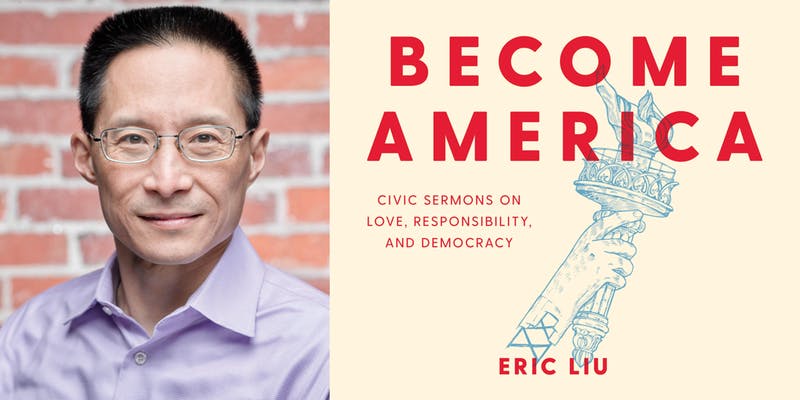
The first question is probably something you hear all the time, but I want to get it out of the way early. It's actually something I heard when my first response to Trump's election was to start a book club: Isn't worrying about emphasizing citizenship and civic responsibility during the Trump Administration kind of like putting a Band Aid on cancer?
I think it is absolutely vital during a time of democratic crisis to tend to culture, norms, values, and shared narrative. I think culture is upstream of policy, I think spirit is upstream of law, and I think that the norms and attitudes and mindsets that people have about one another and about what we're doing together here are all upstream of elections and the policy consequences of elections. That's my first point.
The second point — to your book club, actually — I further think that as much as Donald Trump the man poses a menace to democratic norms, one of the lessons of the last few years is just how resilient a system democracy is in the United States. And not just among those who've chosen to resist him, but in communities all around the country right now, people are rebuilding the bonds of trust, relationship and responsibility that make any notion of self-government possible.
I include in that category every kind of club you can imagine. This is a time when I think our highest task as citizens is to start or join a club, to start rebuilding that muscle of association and reckoning with what's going on around you, trying to figure out how you fit into a larger story, trying to figure out what your responsibility is for changing that story. And so to me, whether it's a book club, whether it's things like Civic Saturdays, whether it's a club on something that's not even avowedly about politics like a gardening club, I think that forming and joining clubs right now is one of the most important things we can do as citizens. And particularly where those gatherings are about the deeper moral and ethical choices of our times, I think it becomes especially important.
Could you talk a little bit about your evolution as a civic-minded person?
This past weekend, I was taking part in the Crosscut Festival and I was reflecting about not only the role of organs of local journalism, like Crosscut and Cascade Public Media, but more generally on my education in democracy in Seattle. As you know, before I moved to Seattle 19 years ago, I worked in DC — I worked in national politics — and to look at my bio or my resumé, someone might think, 'you really cut your teeth in DC, you learned what you know at the White House.'
And that's actually not really true. I think my deepest education in democracy has been as a member of the community in Seattle and as a citizen of Washington state. And probably the most signal example of that was the decade that I spent on the Seattle Public Library Board, where I'd still be serving if I weren't term-limited.
I happened to serve on the library board during a time where the system was building out new branches and the downtown Central Library to deliver on this bond measure called Libraries for All that had passed in the late 90s, before I joined the board. And so for the whole time that I was there, we were in 26, 27 neighborhoods around the city and trying to invite people in for what we called in a somewhat hokey title, Hopes and Dreams meetings. Actually, you and I might've met at one of these Hopes and Dreams meetings-
I think so. Way back. Yeah.
Yeah, way back. And sure, it's hokey. And sure, it's inherently a limited format. But the fact is that when you extend that invitation and people start showing up sharing their hopes and dreams for how many materials in other languages your branch should have, or the idea that you need more meeting space because there's no free meeting space in Capitol Hill, or whatever it might be — when you start hearing these things, you realize you've created an expectation that we will not only listen, but try to deliver. And we will do that to the best of our ability. But then where we can't, we have to explain tradeoffs and we have to be accountable to the people who showed up to these meetings as well as others. And frankly, that is just an order of magnitude more concrete a practice of democracy than most of what happens in DC.
So much of politics in DC is just this Kabuki theater of posturing — it's virtue signaling or it's just rallying my base or attacking my enemies. I do this even if I know what I'm introducing is never going to go anywhere. It's for positioning and posturing. And so my education on the library board was just so much more meaningful and rich.
And then, as you know, working with Nick and others, getting things like the Alliance for Gun Responsibility off the ground after Sandy Hook was hugely formative for me. And it was of course gratifying, just as a citizen, to have helped found an organization that has not only changed the laws in our state, but as you know, has changed the frame of the narrative around the very idea of gun responsibility nationally. So again, I worked on guns when I was at the White House and exactly nothing happened. But to be here in a city, in a state, where you can indeed move ideas and change narrative has been a big part of my evolution.
I was at the fundraiser for the Alliance last week, and they talked about all the legislative achievements they've made in the past year. Ten years ago, you couldn't get an elected official to pass a gun safety law anywhere in this country. The Alliance helped the people win at the ballot box so many times that the legislature couldn't ignore the people's voice. It's exciting that we've finally have come around to the point where these gun responsibility laws are passing within the legislature again. But you kind of had to go outside the system and force the issue. So it was a long way around, but it finally happened from the inside rather than the outside.
But it's exactly the long way around that makes democracy a resilient, complex, adaptive system if it's not rigged. We were able to bypass an initially recalcitrant legislature because we had direct democracy as an option here and could go around a rigged legislature that was either cowed or owned by the gun lobby. And then having revealed to legislators that in fact the will of the people is strongly with gun responsibility and if you would like to retain your job, you might want to move in this direction, is exactly how the system is supposed to respond.
Of course it doesn't respond that way in DC, in Congress, and that's true under, frankly, both parties and any administrations of both parties. But that capacity for self-correction is still higher, I think, at the local and state level.
Do you think Seattle was particularly suited for for your message of civic responsibility? Some other places I've lived seem like they might not be as receptive to what you're doing.
I do think Citizen University is a very natural outgrowth of the civic ecosystem of our region. And again, having worked in the other Washington, I know very clearly that an organization like Citizen University, the approaches that we've taken to civic awakening and civic power-building, which are not inside the box of conventional wisdom or policy fights as they usually unfold within DC think-tanks was made possible by being here. That's number one.
And I think, going back to when I moved here in 2000, that there is a civically entrepreneurial spirit here that's as strong as our business, entrepreneurial spirit. This is a town that is not yet finished. You can arrive and raise your hand and start getting involved and pushing things or making change happen or creating new ventures.
But it's also a place where there's enough open-mindedness and freedom from a lot of the frames of conventional wisdom that dominate the New York/DC corridor that our work has been able to thrive here. And I think specifically with Civic Saturdays, these gatherings that are civic analog to a faith gathering, Civic Saturdays are a great instance of a larger approach we've had, which is that Seattle is one of the great places to incubate new civic ideas and then try and spread and adapt them to other places around the country.
For all the reasons I just said and you were alluding to, because there's more openness here, because there's less hierarchy here, because there has always been a higher willingness to hybridize here and try new combinations of things, we could incubate Civic Saturdays here in Seattle. And when we realized that this approach to civic gathering and this approach to awakening civic spirit and purpose could really stick, then we started being able to take it on the road. And that's been true of other programs of ours as well, where Seattle is an apt and fertile place to test new ideas.
So what can people expect from your book launch party tonight at Washington Hall?
We're going to talk about some of the content of the book, which as you know, is a collection sermons that I had written and delivered at Civic Saturday gatherings here in Seattle and around the country, But what you can really expect is a broader conversation just like the one we're having right now, about the deeper drivers of what's sick in the body politic, about what you can actually do from wherever you sit and stand, even if you don't feel powerful or you don't feel connected, how you can in fact web up with others and start making meaning and start taking action together.
And so the format will be, I think, pretty conversational in a way that I'm excited about. Because Civic Saturdays are have you been to a Civic Saturday?
I don't believe I have
So, first of all, I would invite you to come join us in June — June 1st we'll be at the Hillman city Collaboratory for our next one in Seattle. And I'll be in Oklahoma City after that for another one.
But when you come to these, they have the arc of a faith gathering and we always build in a great amount of time at Civic Saturdays for people to turn to each other and talk about questions and prompts. But I think at this event tomorrow we'll have even more of that — more opportunity for people to ask me questions and be in dialogue with me as well as with each other.
Sounds like it's a good way, for people who are curious and haven't taken part, to sort of dip a toe in the proverbial water.
Exactly. Totally. And it's also just a chance for people who, if you feel like you want to be connected to something bigger, if you feel isolated and frustrated with the state of our politics, come be in the company of others and come explore some of these questions in a way that is open-hearted, open-minded and will move you to connect with people in new ways. And then yes, dip a toe into some of what we do at Civic Saturdays as well.
I Who Have Satin
I, I who have nothing
Never reaching the end
I, I who have no one
Never meaning to send
Adore you and want you so
With these eyes before
With nothing to give you but oh
I can’t say any more
Beauty I’ve always missed
He, he brings you diamonds
Just what the truth is
Bright, sparkling diamonds
But believe me, dear when I say
What I’m going through
He’ll never love you the way
They can’t understand
He can take you any place he wants
They cannot defend
Fancy clubs and restaurants
Must be in the end
Pressed up against the window pane
Nights in bright diamonds
I, I who have satin
Never reaching no one
I, I who have beauty
Must watch you go dancing by
With these eyes before
I can’t say any more
When darling it’s I who loves you
Ahoy Comics is back with Hashtag: Danger
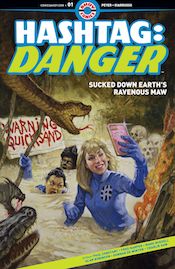
Sponsor Ahoy Comics is back to promote another amazing title in their non-stop onslaught of top-quality comic madness: Hashtag: Danger!
Join Desiree Danger and her crew — super-science-head Einstein Armstrong, and heavyweight bruiser Sugar Rae Huang, as they seek out, and bicker their way through, intense situations, the likes which comics have never seen.
We've got a four page preview, and some stellar early reviews, of this just-released title on our sponsor's page. Check them out, and be sure to pick up this first issue, so you're buckled into your front-row seat from the beginning of the ride!
When you sponsor us, you put your book, event, or residency in front of our readership of book lovers and industry professionals. And you're helping keep Seattle's amazing community of writers, reviewers, and readers vibrant. Want to join us? Check out rates and dates at www.seattlereviewofbooks.com/sponsor/.
Your Week in Readings: The best literary events from May 6th - May 12th
Monday, May 6th: Write On! with Charles Johnson
See our Event of the Week column for more details. Northwest African-American Museum, 2300 S Massachusetts St, 518-6000, http://www.naamnw.org, 7 pm.
Tuesday, May 7th: Become America Reading
Seattle author Eric Liu has made it his life's mission to revive the American civic spirit. His Civic Saturdays series of church-like meetings invite secular-minded people to come together and celebrate art, democracy, justice, and community. Liu's latest book, Become America, collects some of his best secular sermons into an inspiring book about what it means to be an American. Washington Hall, 153 14th Ave, Seattle, 322-1151, http://washingtonhall.org, 7 pm, free.
Wednesday, May 8th: Paul Takes the Form of a Mortal Girl Reading
Andrea Lawlor's novel is about a shapeshifter — or a changeling, if you prefer— in the 1990s LGBTQ activist scene in the 1990s. This was a time when Bill Clinton pushed against same-sex marriage and gay panic was a regular punchline at multiplexes, so changing shape would probably come in handy. Lawlor will be in conversation with Seattle author Mattilda Bernstein Sycamore. Elliott Bay Book Company, 1521 10th Ave, 624-6600, http://elliottbaybook.com, 7 pm, free.
Thursday, May 9th: Seattle Prohibition Reading
Brad Holden's latest book describes what Prohibition was like in Seattle. If you think a port city known for its raucous history got completely dry without a fight, you're in for a few surprises. Third Place Books Lake Forest Park, 17171 Bothell Way NE, 366-3333, http://thirdplacebooks.com, 7 pm, free.
Friday, May 10th: Three Poets
Two Seattle-area poets who are friends of the Seattle Review of Books will read work with a visiting poet from San Francisco. Regular readers of this site won't need an introduction to Kelli Russell Agodon or Susan Rich. (If you do need an introduction: Agodon is the co-founder of small but mighty poetry publisher Two Sylvias Press, and Rich is the author, most recently, of Cloud Pharmacy.) They're welcoming Mary Peelen, author of Quantum Heresies, to town. Open Books, 2414 N. 45th St, 633-0811, http://openpoetrybooks.com, 7 pm, free.
Saturday, May 11th: Planet of the Nerds Reading
Okay, this listing is a top-to-bottom conflict of interest. I'm appearing at Elliott Bay Book Company to celebrate the launch of two comics from Syracuse comics publisher AHOY Comics. The first book is the collected edition of The Wrong Earth, which is the story of a light-hearted superhero who changes places with a gritty, dark version of himself. I have five short stories in that one. And the other book is Planet of the Nerds, which is my first full-length comic. I'll be in conversation with brilliant Seattle arts writer Brangien Davis, and there will be drinks and snacks and fun. Please join me. And here's a graphic for the event made by great graphic designer Mary Traverse:
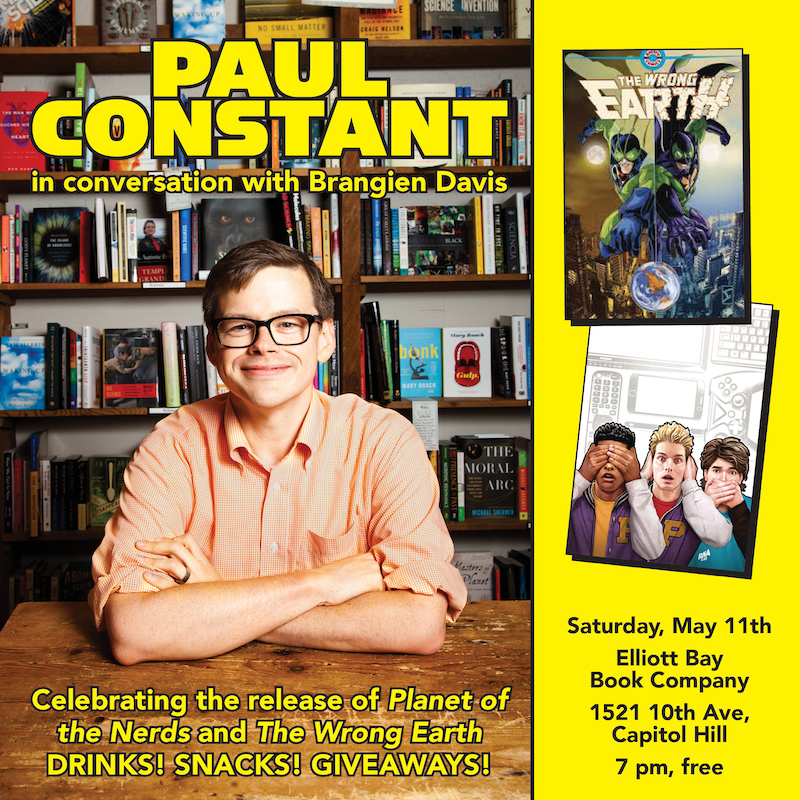
Elliott Bay Book Company, 1521 10th Ave, 624-6600, http://elliottbaybook.com, 7 pm, free.
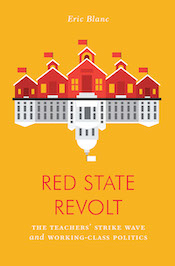
Alternate Saturday, May 11th: Red State Revolt Reading
Red-state America over the last year has hosted the largest strikes in recent American history. Teachers in West Virginia and Oklahoma and Arizona basically shut down the government with popular support from the general population. Is this the beginning of something big? That's what the new book Red State Revolt: The Teachers' Strike Wave and Working-Class Politics is all about. This is a moderated discussion about the amazing things that are happening in plain sight. University Book Store, 4326 University Way N.E., 634-3400, http://www2.bookstore.washington.edu/, 7 pm, noon.
Sunday, May 12th: Make It True Meets Medusario Reading
Cuban poet José Kozer and Seattle poet Paul E Nelson have put together an anthology that seeks to shake off the "cliquishness" of the modern age by inviting "poets from divergent languages, cultures, and aesthetics to create a type of conversation, or at least a fertile meeting place for ongoing ideas about poetry." Elliott Bay Book Company, 1521 10th Ave, 624-6600, http://elliottbaybook.com, 3 pm, free.
Literary Event of the Week: Charles Johnson at the Northwest African-American Museum
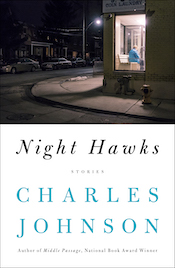
Retired UW professor Charles Johnson is the closest thing to a Seattle legend that our fiction scene has. Johnson has been retired from the teaching business for a decade now, and he's taken that time to publish a ton of books — a writing guide, a book about his Buddhist practice, and his latest collection of short fiction, Night Hawks.
When I spoke to Johnson a couple years ago, he was in an expansive mood, explaining that the title story in Night Hawks was "about my 15-year friendship here in Seattle with [celebrated playwright] August Wilson. We had really great eight-to-ten-hour dinner conversations at the old Broadway Bar and Grill, which is gone now, on Capitol Hill."
Johnson is perhaps best known for incorporating his Buddhist experiences into his fiction. "I’ve always been a very spiritual person," he told me, and he doesn't see any separation between Charles Johnson the writer and Charles Johnson the Buddhist. "It’s all total, together, you know — art is mind, body and spirit, and they all reinforce each other and serve the creative process, I think."
Retirement has been a great boon to Johnson's literary career. He's been busier and more adventurous in his literary life than he was in his many years as a UW professor. It's the freedom of someone who knows who he is, and what he's capable of, and who finally feels free to do it. Go soak in his freedom for a while.
Northwest African-American Museum, 2300 S Massachusetts St, 518-6000, http://www.naamnw.org, 7 pm.
The Sunday Post for May 5, 2019
Each week, the Sunday Post highlights a few articles we enjoyed this week, good for consumption over a cup of coffee (or tea, if that's your pleasure). Settle in for a while; we saved you a seat. You can also look through the archives.
Vibrant Economies
After discovering that the independent bookstore where she worked was shorting its staff on weekend page, Sarah Malley asks about who's really bearing the cost of running a small local business.
If your local indie bookstore skirts labor laws or advocates against them, at the expense of its employees, can you still be sanctimonious for shopping there? If your local indie bookstore is thriving if its employees skip doctor’s appointments they can’t afford? If your local indie bookstore’s trade group doesn’t have resources for booksellers on paid sick leave, health insurance, or wage theft — in an industry famous for its tiny margins — is it an industry you’d recommend joining?
The Cult of "Wrongthink"
If you have a visceral cringe response to Justin Charity's analysis of "wrongthink," you're not alone. Imagine the most frustrating teenage argument you ever had — the one where your buddy or boyfriend twisted every challenge into a personal attack, interested only in scoring points — and you have a perfect picture of conservative discourse today. Nobody's a saint in the current political playing field, but can't we at least be grownups? Silly question, I guess.
The term “political correctness” unites conservatives, libertarians, and vintage liberals in defense of various comedians, rappers, and columnists; and now “wrongthink” unites conservatives and libertarians in defense of George Zimmerman and Alex Jones. “Wrongthinkers” aren’t frustrated with liberals who have somehow failed to discover them, their biases, their anxieties, and their ideas; “wrongthinkers” are frustrated with liberals who have declined to take their ideas and their style seriously in the first place.
The Raisin Situation
Not an inherently funny article, and yet there's something endlessly amusing about reading so many very serious paragraphs built around the humble raisin. The raisin industry! It's cutthroat, backstabbing, borderline illegal. Harry Overly wanted to change all that.
As he tried to make changes in the raisin industry and at his own company, Mr. Overly said he faced intimidation, harassing phone calls and multiple death threats. With his spouse in the last trimester of a pregnancy, Mr. Overly found a note shoved into a crack of his front door that warned: “you can’t run.”
Whatcha Reading, Arthur Wyatt?
Every week we ask an interesting figure what they're digging into. Have ideas who we should reach out to? Let it fly: info@seattlereviewofbooks.com. Want to read more? Check out the archives.
Arthur Wyatt is a British-born, Seattle-based, writer and computer developer. He's written extensively for 2000 AD, home to Judge Dredd. He wrote about his experiences growing up reading, and then writing, for Dredd, a few years ago for us.
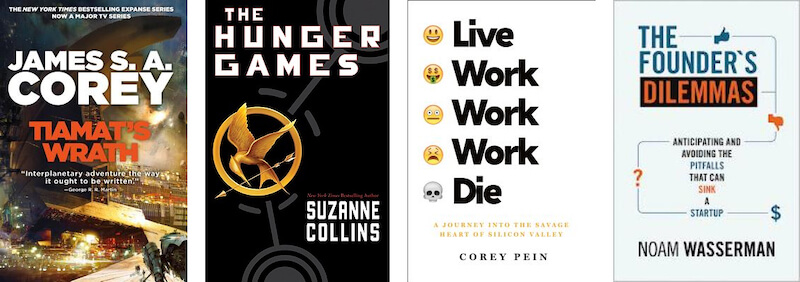
What are you reading now?
In print: Tiamats Wrath, the latest Expanse books. These books totally show their RPG campaign origins by including just about every modern SF trope imaginable, usually in a Hard SF/cyberpunk in space flavor that I like, and this one expands things out with some full on space empire nonsense that I am here for.
Also listening to The Hunger Games, because I’m working on some YA projects and you should learn from the best - plus the kiddo had it as nighttime listening so I could swipe it from her.
What did you read last?
Live Work Work Work Die - basically one guy’s findings from working in tech in hyper-capitalist San Francisco, which somehow manages to be more extreme than working in tech in hyper-capitalist Seattle.
What are you reading next?
The Founder - a different kind of tech capitalism, this time the story of the guy who went from making drive encryption software to being a tech worker to running online pharmacies to bring an international crimelord who eventually got caught setting up multiple assassinations. So good research material for something cyberpunkish, I’m sure, though hard to one up in fiction.
April 2019's Post-it note art from Instagram
Over on our Instagram page, we’re posting a weekly installation from Clare Johnson’s Post-it Note Project, a long running daily project. Here’s her wrap-up and statement from December's posts.
April's Theme: Why Am I Moving Backward
Ok fine YES, the first post-it is the one and only time I’ve ever been on a zip-line and yes that is me, the single special zip-liner who got stuck in the middle. Of the longest line on the course. We all nervously joked about this far-fetched ridiculous mishap that was apparently SO UNLIKELY TO EVER HAPPEN and then at the last minute there I am inexplicably sliding backward— why am I moving backward?? — slipping at increasing speed away from the platform I’m supposed to be landing on— arms left childishly reaching for the professionals who were supposed to catch me there— but didn’t, quite. And now I’m a pendulum, swinging....should we say zipping?....backward....then forward....then backward....forward....until finally stopping in the very middle....of a stunningly vast gap. And just....you know, hanging out. For a very long time. My. Quite. Prominent. Hips. Hanging. In. That. Harness. Full. Bruising. Bodyweight. My tiny distant sisters and father, so far away on that platform, so delighted at my not-arrival there. The guide had to rescue me EVER SO SLOWLY apparently, it’s a SERIOUSLY SLOW PROCESS. The inching along moments make you really aware of your body as bulk. I don’t feel that the guide felt this way about his own body, but I do think we all felt this way about mine. Minutes before this incident I’d been verbally bemoaning the quickness of the zip-line experience, wishing I had more time to enjoy the view. My family reminded me of this fact gleefully after witnessing my impressive feat of backward motion. All told, I think it was quite generous of me to selflessly bestow such joyful memories upon my loved ones. When I asked him why he chose the post-it for publication this month, my still-downtrodden dad paused a long time, then said simply, “It’s a good memory.” I invited him to be this month’s post-it chooser in honor of his birthday, but the second drawing is the only one specifically relating to himself. It’s of my multicolored Turkish lamps, painstakingly acquired over multiple visits to my friend’s home city, all thankfully designated mine in my ex-wife’s division of our stuff and safely arrived in Seattle, now hanging from my ceiling and FINALLY, in the realization of a DECADE-SPANNING DREAM HELD FOR PRACTICALLY THE ENTIRE TIMESPAN OF THIS POST-IT NOTE PROJECT, wired with lightbulbs I can turn on from a switch! Thanks to the kind, patient help of my dad. There’s not really anything else to say regarding the broccoli situation; we don’t need to wallow in it. In case the last image is not as obvious as the clichés that inspired it, with a little help I believe viewers can clearly see I am communicating getting back in the saddle / dipping my toe in. Don’t we all love well-intentioned dating platitudes. In the long run, time has proven I was doing neither of these things.
The Help Desk: Taking the missionary's position
Every Friday, Cienna Madrid offers solutions to life’s most vexing literary problems. Do you need a book recommendation to send your worst cousin on her birthday? Is it okay to read erotica on public transit? Cienna can help. Send your questions to advice@seattlereviewofbooks.com. Cienna is attending a book burning convention, and so is taking the week off. This column is a re-run from March of 2016.
Dear Cienna,
Maybe you covered this before, but, if not, I need help. My husband and I read The Poisonwood Bible, and I loved it and he hated it. Sure, you know, individual tastes and whatnot, but it’s more than that. I mean, we disagree over movies all the time and manage to keep it light. But my goodness, he hated it. To me, it read as an affirmation of life and the struggles women have faced, and so when he gets all aggro about how much it sucks and there are no good men in it, so it’s sexist, it’s kind of like he’s attacking me. So, that’s weird. How can I get over myself?
Molly on Magnolia
Dear Molly,
My apologies. I have avoided your question for weeks, much as I avoid questions like “Why do you blame your daddy issues on your mother?” and “What’s the capitol of Minnesota?” — because there is simply no easy answer. You see, I also harbor an irrational hatred of The Poisonwood Bible. Intellectually, I can appreciate Kingsolver’s mastery of having five unique female narrators and, as you pointed out, her focus on the plight of women (not just in this book but others). But yeah, I can’t stand any of her books. I think I suffered a rage blackout for the entirety of Prodigal Summer. I have brought Mrs. Kingsolver as my guest to quite a few book burnings over the years.
That said, your husband’s justification that The Poisonwood Bible sucks because it’s sexist is a hot load of horeshit. Tell your husband books can’t discriminate against fictional men. He can dislike a book for good reasons or no reason at all, but inventing nonsense reasons just makes him look like a turd. (Also, how many popular books, television shows, movies, etc. feature absolutely no relatable, wholly-developed, “good” women in them? Too many to count. If your husband can’t relate to a book simply because of the gender of its main characters, he’s the sexist one.)
But to your question: How do I get over myself? I don’t think you should have to. Your emotional response to the book is what all writers hope for from their readers. You get to treasure that feeling. Your husband didn’t respond to it that way, much as I didn’t. So now he needs to do the polite and loving thing, which is fuck right off and not ruin your afterglow.
Kisses,
Cienna
Mail Call for May 2, 2019
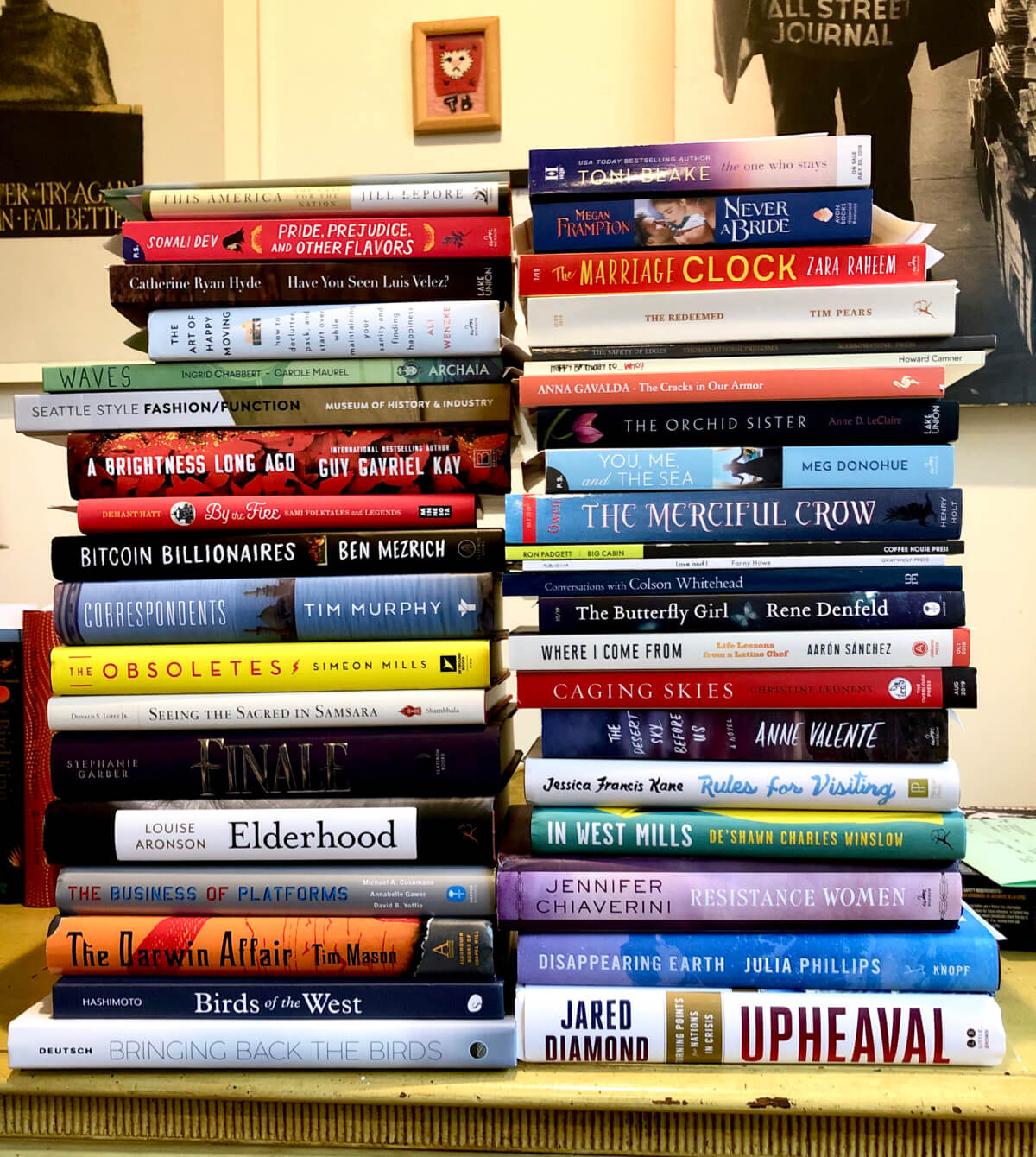
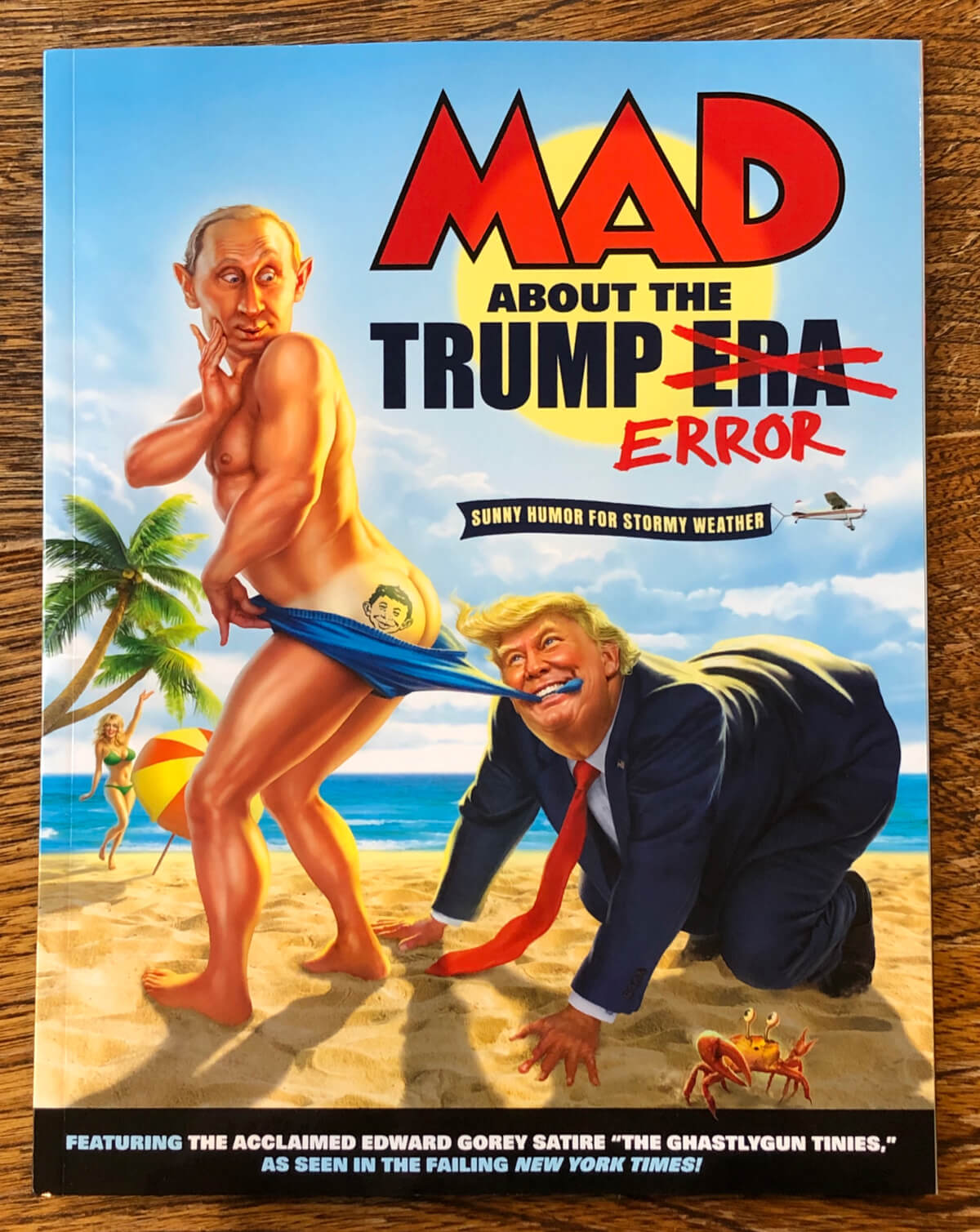
The Seattle Review of Books is currently accepting pitches for reviews. We’d love to hear from you — maybe on one of the books shown here, or another book you’re passionate about. Wondering what and how? Here’s what we’re looking for and how to pitch us.
Portrait Gallery: Urban trails

Thursday, May 2nd: Urban Trails Seattle Reading
Did you know that Seattle has miles of uninterrupted, paved trails stretching as far north as Everett and as far south as Auburn? Craig Romano’s new book is about all the amazing walking you’re missing out on. Third Place Books Seward Park, 5041 Wilson Ave S, 474-2200, http://thirdplacebooks.com, 7 pm, free.
Land in spring with a great deal on a shiny new sponsorship!
We have a few weeks open over the next few months for a savvy sponsor to snap up. Our sponsorships can be used for so many things — but the biggest part is that you get your book, event, or message in front of the most passionate readers in the world.
There's more details on our sponsor page, but we'd love to see some new blood trying this effective and comprehensive advertising strategy, all while helping to pay for the columnists and reviewers you see here. So, if you're a new sponsor, we'll knock $25 off the listed price for you to give it a try at a reasonable rate. Sign up here (we'll knock the $25 off on the invoice).
(Pssst, existing sponsors: you're not out. We'll give it to you, too, so don't hesitate to book).
Find out why we have so many repeat sponsors by seeing what happens when you put your work in front of so many book lovers.
Thursday Comics Hangover: Notes on a Free Comic Book Day
As I told you on Monday, this Saturday is Free Comic Book Day. You should visit a favorite local comic shop or two, pick up some free books, and maybe buy a few comics, too. Here are some notes on local cartoonists and comic shops for your FCBD:
If you're not sure where to go on Saturday, the indispensable Sarah Anne Lloyd at Curbed has created a handy map of 21 comics shops in the greater Seattle area. Even I, a full-bore comics nerd, have not been to some of the shops on this map. Hell, I haven't even heard of some of the comic shops on this map.
Real Change arts reporter Lisa Edge has written a great profile of Fantagraphics cartoonist Simon Hanselmann, who has a new show up at the Bellevue Art Museum, which you should check out on FCBD. The show is a companion piece to Hanselmann's next book, which is coming out in July.
The BAM exhibition is a bit of a full- circle moment. He’s gone from having a Fantagraphics poster on the wall of his childhood bedroom to displaying the same memento in the vignette titled “MEGG’S SLOW MORNING” at BAM. Megg’s bedroom is a literal mess. The carpet is peppered with various stains, clothes are strewn about and a single slice of leftover pizza sits in the box. The clutter is arresting. In the installation Megg lies in bed as “sentient meat, pounded by waves of futility, unable to move.”
- And if you don't like the gaudier corporate-comics feel of FCBD, you should for sure check out this showcase of local cartoonists happening on Saturday afternoon at Phoenix Comics:
@tatsgill and @ColleenFrakes will be signing our comics at @Phoenix_Comics this Saturday May 4th in Seattle, 2-4pm, in honor of @Freecomicbook day! 113 Broadway E. Hope to see you there! pic.twitter.com/ZPj4hICzCl
— Tatiana Gill (@TatsGill) May 1, 2019
You can't debunk bunk
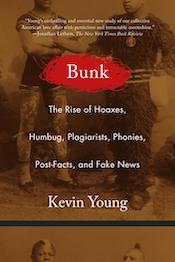
Kevin Young's Bunk: The Rise of Hoaxes, Humbug, Plagiarists, Phonies, Post-Facts, and Fake News is, in my opinion, one of the most useful books we've discussed in the Reading Through It Book Club so far. As one of our members pointed out, it's a text we'll be returning to time and time again in our future discussions — like The Righteous Mind and Janesville and several others.
Bunk is a historical account of a very particular kind of American con — the loud and boisterous and unapologetic lie, perfected by P.T. Barnum and perpetuated through the years by plagiarists and confidence men and fabulists. What's more, Young ties that lineage of liars and cheats in with America's long history of racism. Our American exceptionalism at hoaxes, it turns out, is a byproduct of America's original sin.
One of the best observations at last night's book club was the recognition that a simple lie isn't enough to make something a hoax. It's not enough to spread falsehoods to make a true hoax: you have to generate a mistrust in the truth, too. By creating an atmosphere in which everything could be false, the most confident liar gets to dictate the reality. It worked for Barnum, and it has worked thus far for Donald Trump.
Young is a great writer — one of the best we've read at Reading Through It. He's funny, his observations are always sharp, and the research he has done for Bunk is truly impressive. (It probably helps that Young is a brilliant poet, too; there's an art to Bunk that no 'mere' historian could summon.
It's become kind of a cliche to complain that sociological book does not provide solutions, but our book club still found ourselves wishing for a second volume by Young titled Debunk — one which provided step-by-step instructions for pulling apart hoaxes. But to employ another cliche, you can't unring the bell of a hoax: once it's out there, it's unstoppable.
The best way to stop a hoax is to kill it before it becomes a hoax, to smother it in truth when it's still just an over-ambitious lie. Occasionally, we'll hear about a hoax collapsing before it even begins — Jacob Wohl, the moronic conservative fabulist, has had several schemes dissolve in daylight, including one poorly attempted hoax this week — but in general, you don't hear about all the tricks that fail to gain purchase.
The fact is, we desperately need to improve our systems of truth-telling and lie-smashing so that they can catch up to the speed of the internet. As Trump has proven, a lie can fly from Twitter to global headlines in a matter of minutes. It's on all of us to be better consumers of media, to learn how to defuse a lie before it explodes in a flurry of shrapnel. In the internet, we have created an unparalleled system of global communication. Now, some thirty years later, we mustprove ourselves worthy of it.
Henry James, Jonathan Safran Foer adaptations coming to Book-It Theatre
Book-It Theatre has announced their 2019-2020 season of book-to-play adaptations. In chronological order starting with fall of this year, the theater company will be staging:
- EVERYTHING IS ILLUMINATED by Jonathan Safran Foer
- HOWL’S MOVING CASTLE by Diana Wynne Jones
- THE TURN OF THE SCREW by Henry James
- THE STORY OF EDGAR SAWTELLE by David Wroblewski
You can buy tickets now.
You're a book collector and you probably don't even know it
Rebecca Romney is a principal of Honey & Wax Booksellers, an antiquarian bookstore in Brooklyn. Three years ago, the store founded the Honey & Wax Prize, which Romney, over the phone, explains is "an annual award for an outstanding book collection that was formed by a woman in the United States, age 30 or younger." The deadline for this year's Honey & Wax Prize is June 1st.
Romney explains that prizes for book collections have been given in the United States since at least the 1920s, but that those prizes have more often than not been by and for collections "associated with a university or some other institution." With Honey & Wax, Romney explains, "we were looking to create something that had slightly different parameters" in order to "reach outside of the more traditional methods that people were using."
Romney and Honey & Wax Booksellers founder Heather O'Donnell decided to create an award for collections curated by young women to address the "dismay" in book collecting circles that younger people might not be interested in reading and history and collections. "We felt very strongly that there was interest—it just haven't been gauged by a lot of the rare book trade."
Younger collectors, Romney says, often feel "intimidated" by the antiquarian book trade; they believe that their own collections lack the value of those put together by older or more experienced collectors. And some book collectors, she says, don't even realize that they are book collectors.
"A lot of the women that we sold to were less likely to identify as collectors," Romney says. "We'd be talking with someone about their book collection and we'd say, 'oh, that's such an interesting collection.' And they would say, 'oh no, no, I'm not a collector — I just buy the things I like.'"
A bunch of things you like, Romney points out, is a collection. She and O'Donnell started the Honey & Wax Prize because "we want you to own your identity as a book collector."
The traditional book collecting trade in America is made up of a population that is older than the general population, and pretty overwhelmingly male — or at least the men are louder. There's a kind of ugly machismo in certain book collecting circles — a prickly obsessiveness, a gatekeeping aggression — that turns off younger collectors, and collectors who may not share the same interests as the alpha males in the field.
But Romney quickly found that there's a robust and diverse collecting community in this country. "In our first year doing the prize, we got in contact with a few people who had run book collecting prizes. They told us to expect six to 12 applications of varying degrees of quality."
But that first year, Romney says, "I think we got something like 49 [applications] — way, way more than we expected, from over 20 states."
Those submissions each told a story: "this is my library and I'm really proud of it." Romney says the huge response "gave us a lot of hope. " They were so pleased with the response, in fact, that rather than just one one thousand dollar prize, Honey & Wax gave awards to "six honorable mentions who, through the generosity of an anonymous donor, we were able to give $200 each."
That first Honey & Wax Prizewinner "collected romance novels of the 1920s and 30s." Romney calls this "exactly the type of topic that the people who we might consider traditional collectors would roll their eyes at and say 'who's interested in romance novels?'"
But that collection had a lot to say. Romney says the owner approached the books by "looking at their place in history: what does it say about the career woman narrative in the 1920s? Or what is it saying about women's suffrage, or Prohibition?"
Another collection submitted to the Honey & Wax Prize was dedicated to the Geisha community in Kyoto. But not every one is tied to the distant past. Romney cites another woman who collected public health and safety pamphlets that were distributed in New York City after 9/11.
"If you're going off the beaten path" with your collection, Romney says, "you're probably not going to have as much competition. It doesn't have to be expensive, and you might be creating something of real historical value. Those overlooked things — that's exactly what universities want in order to get that documentation for scholars to study."
Romney urges any book-loving young woman who is eligible for the prize to consider their books in a new light. "Essentially, a lot of us don't even realize we're collecting," she says. "Go and look at your shelves and look for any themes, and you might actually realize, 'I've had an obsession about travel books specifically to Yosemite.'"
"I've had that happen to me too," Romney says. "Suddenly, I look at my shelf and I realize, 'oh, I guess I'm collecting feminist science fiction now.'"
There's a pleasure in learning that you're a collector. "Once you consciously make that shift in your mind, that's going to bring up all sorts of other opportunities. It's just a question of seeing it so that you can take conscious satisfaction in something you clearly already loved doing."
The troll invasion
Comics editor and publisher Michael Davis has been the target of harassment for decades now. And yesterday the harassers upped their attack of Davis — one of the smartest people in comics — with a truly horrifying act. Someone broke into Davis's Facebook page, impersonated Davis's family, and announced that Davis had committed suicide. Davis eventually had to go to the press to prove that he was still alive.
What an evil, ugly act against a fundamentally decent man.
Always low expectations. Always.
Published April 30, 2019, at 12:00pm
A comfortable journalist went undercover as a Walmart employee for three months. If you ever worked retail, what he discovers will not shock you.
IN THE ALL NIGHT BODY SHOP FOR CAPTIVE METER ONE KNEELS TO KISS ETHER’S DOILY
Ditto, ditto, there, you said it: an absolute wishbone is nobody’s utopia. Obscure, you mirror minnows’ shattered moon. You contain clean veils of milk, a snow or talc as whistle as scissor. Even a faded parachute, lunar and classic, shivers a scintillating shock of chance. But flash back, weary slake, to wavelengths whose celibate pillars skimmed salt’s teacup. That’s where you first reflected nothing. Turnip goose, a beekeeper ghosts your sail, hemming your alpine lace in rays of ridges while a lucid thermometer fireworks in error. After, whispers of gesso fog until you railroad your thaw oracle. Neither port nor pang, yet respiratory in your tentative blizzard of telephone and revolver, you disappear, a faceless keyhole for night-blooming shuttle suds. Unless you reflect, you’ll never lattice, so bludgeon wonder or orbit your meta-ozone to catchlight. Make something of yourself. Make an effort.
We're donating this week's sponsorship to Books To Prisoners
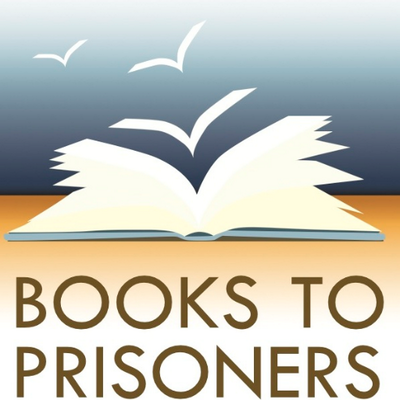
Books To Prisoners has been around since 1973 — that's a heck of a track record that was almost derailed by the Washington State Department of Corrections. If you're wondering where we stand on the delivery of donated used books to prisoners, you can read our interview with Books to Prisoners board member Michelle Dillon. Or you can join us in stating the obvious: it's a good thing when people have access to books. It's a good thing when used books are useful.
The book ban has been rescinded, but we're not on stable ground yet. So this week, the Seattle Review of Books is donating the sponsorship slot to Books To Prisoners. Seattle is an amazing community of readers and writers. This is our way of standing up for those in our community who are hurt by the book ban — and giving our own readers the chance to do the same.
Take a look at our sponsor feature page for more on Books To Prisoners. Follow them on Twitter, sign their petition, or send the cost of a book their way.
We're proud that our sponsorship program is a platform for so many independent publishers, writers, retreats, and events. Our sponsorships are a voice that can be used as you need it to. We're so proud to offer it up as a platform for organizations like Books To Prisoners when they need it. To find out more about our sponsorship program, visit us here or send us a note. We'd love to hear from you!
Your Week in Readings: The best literary events from April 29th - May 5th
Monday, April 29: Women Talking Reading
The premise of the latest novel by superstar novelist Miriam Toews (which rhymes with "waves," by the way) sounds like a gut-punch: eight devout Mennonite women who believe they have been repeatedly sexually assaulted in the night by demons realize that instead they have been drugged and raped by their neighbors. They vow revenge. Elliott Bay Book Company, 1521 10th Ave, 624-6600, http://elliottbaybook.com, 7 pm, free.
Tuesday, April 30th: Green Architecture Discusssion
Palestinian engineer and CEO Majd Mashhawari discusses her recycled building-materials startup with Seattle architect Rania Qawasma, who is the "founder of Architecture for Refugees USA and a board member of Architects Without Borders. Elliott Bay Book Company, 1521 10th Ave, 624-6600, http://elliottbaybook.com, 7 pm, free.
Wednesday, May 1st: Birds of the West Reading
Molly Hashimoto's new book "captures nearly 100 Western species [of birds] using different media, from quick sketches with pen and ink to more carefully planned and vivid block prints." It's a book that will delight birders and inspire artists to look a little more closely at how wonderfully weird birds are. University Book Store, 4326 University Way N.E., 634-3400, http://www2.bookstore.washington.edu/, 6 pm, free.
Thursday, May 2nd: Urban Trails Seattle Reading
Did you know that Seattle has miles of uninterrupted, paved trails stretching as far north as Everett and as far south as Auburn? Craig Romano's new book is about all the amazing walking you're missing out on. Third Place Books Seward Park, 5041 Wilson Ave S, 474-2200, http://thirdplacebooks.com, 7 pm, free.
Friday, May 3rd: Commune Magazine Reading
Editors Shyam Khanna, Jasper Bernes, and Chloe Watlington debut the second issue a new magazine that is all about the idea of revolution to overturn capitalism. Commune addresses popular culture and Marxism and everything the kids are into these days. Check it out. University Book Store, 4326 University Way N.E., 634-3400, http://www2.bookstore.washington.edu/, 7 pm, free.
Saturday, May 4h: Free Comic Book Day
See our Event of the Week column for more details https://www.freecomicbookday.com/StoreLocator
Sunday, May 5th: Crypticon
This is the final day of this year's installment of the popular horror convention. More than 5,000 fans of ghastly books, movies, TV shows, and other media will be wandering around scaring each other and being scared. Publishers including Lycan Valley Press and When the Dead Books will be selling their wares all weekend long. SeaTac DoubleTree, 18740 International Blvd, 246-8600, https://www.crypticonseattle.com/, 11 am, $20.Event of the Week: Free Comic Book Day
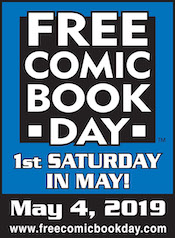
Look, you probably know the drill by now. Free Comic Book Day has become an institution: participating comics shops give away a ton of free comics to literally anyone who drops by, in an effort to draw in new audiences.
The fact is, Seattle is hugely lucky when it comes to comic shops. We've lost a few great ones — rest in peace, Zanadu Comics downtown and The Comics Stop U District — but most Seattle neighborhoods still have a shop somewhere in their immediate vicinity, and that's not common in many American cities anymore.
Why should you visit a comics shop? The odds are good that you already have some favorite graphic novels, so you're familiar with the form. But for me, serialized comics provides a thrill that no other fictional narrative storytelling medium can match. Nobody serializes prose fiction anymore, and serial television and podcasts just don't scratch the same itch. In a world that offers instant gratification in the form of binge-watching and instant downloads, it's nice to have to wait for a month between installments of a story, to read a story as its being created in real time.
And it should be noted that kids love comics — particularly monthly comics, which have a nice transient sense to them. I fell in love with comics because they were so fragile — they didn't have the off-putting air of old, leather-bound books, and you didn't have to be as careful with them. If you ruined a book by accidentally setting it in a puddle of water on a bench in the park, your parents would likely be mad at you. But if you ruined a comic in the same scenario, you'd only be out a handful of pocket change. The disposable nature of the medium, in a weird way, elevates the form.
It's not likely that the stapled, monthly paper comic is going to live forever. The format has too many ties to the old models of publishing, and it requires mass-media numbers to survive, in an age where only niche groups are interested in buying comics. But for now, we have an amazing network of comics shops in this city that are eager to give you a number of comics for free. Why wouldn't you want to take them up on their offer?
The Sunday Post for April 28, 2019
Each week, the Sunday Post highlights a few articles we enjoyed this week, good for consumption over a cup of coffee (or tea, if that's your pleasure). Settle in for a while; we saved you a seat. You can also look through the archives.
This Was Supposed to Be a Story About a Bizarre Anti-Vaccine Rally and a Sedated Bear. Then It Got Weird.
Anna Merlan's coverage of one woman's (not hers) fake news breakdown is pure joy. Merlan's tone is dead-on — deadpan and delighted. The story is nutballs. And at the heart of it all, a nonexistent bear who is not named Ron.
A couple of weeks ago, I thought I was working on a quick, weird story about an anti-vaccine activist in Florida who was attempting to hold a rally in her hometown featuring a drugged bear. As it turns out, that’s not the story at all. Here, instead, is a story about someone who worked extremely hard to generate a news cycle involving a rally that they clearly have no intention of ever holding and a real activist who had no idea her name was being used. The bear also seems to be fake, and — despite my initial, hopeful understanding of the situation — is not named Ron.
‘Partly Alive’: Scientists Revive Cells in Brains From Dead Pigs
We don't often go straight scientific discovery on this list, but holy cats! The ability to restore even minimal function to a dead (pig) brain has, well, ramifications, both exhilarating and horrifying. Science is a thousand times more startling than anything fiction can offer.
“We had clear lines between ‘this is alive’ and ‘this is dead,’” said Nita A. Farahany, a bioethicist and law professor at Duke University. “How do we now think about this middle category of ‘partly alive’? We didn’t think it could exist.”
The Moral Order of Panera
One day the executive chairman of Panera Bread woke up and thought: "I could solve food insecurity!" And thus, Panera Cares: a few links in the fast food chain with a pay-what-you-can menu, placed in mixed-income neighborhoods where, presumably, economic boundaries would dissolve and everyone would eat together in dignity and harmony.
It worked just as well as you might suppose. Robin Kaiser-Schatzlein details what happened, and asks an apt but sobering question about our continued faith that entrepreneurial America will save the rest of us.
Is the market a place where we go to solve major social problems? Or is it a place to go while on break from our seasonal job at Target to spend an hour’s pay on a big, floppy sandwich?
The Curious Tale of the Salish Sea Feet
Just one more this week — Kea Krause on the forlorn feet that continue to float to the shore of the Salish Sea, still knotted inside flotation-friendly sneakers, and a "new" way to think about ecology.
Believing we know everything there is to know can cause blind spots in Western science. It may be difficult, for example, when you live in downtown Seattle and work for a tech company, to appreciate that gentle supervision of the land around us is essential to survival. “Because we don’t rely on the land, we are slow to react to what we see as threats,” Nancy Turner, a professor of ethnoecology at the University of Victoria explained about the disconnect between the science of climate change and the governance of our society. But this cognitive dissonance is a construct of colonial thinking and relatively new to a region that’s been inhabited by the Coast Salish people for thousands of years.
Whatcha Reading, Jasmine Silvera?
Every week we ask an interesting figure what they're digging into. Have ideas who we should reach out to? Let it fly: info@seattlereviewofbooks.com. Want to read more? Check out the archives.
Jasmine Silvera is the author of the Grace Bloods romantic urban fantasy series. The pen name of Rashida J. Smith, who is on the Clarion West board of directors and is a member of the Romance Writers of America, Silvera will be teaching a class tomorrow, Sunday the 28th, through Clarion West on Romantic Elements in Specultive Fiction. Grab a spot last-minute if you can!
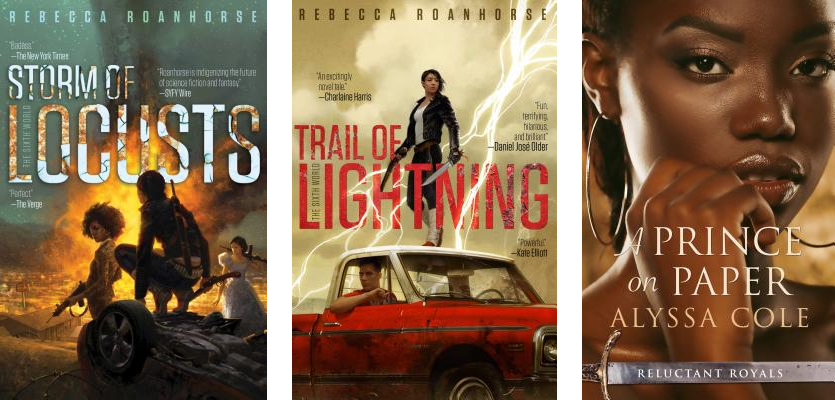
What are you reading now?
Storm of Locusts by Rebecca Roanhorse. It’s proving to be the rare sequel that might be better than the original (no small feat!)
What did you read last?
I preordered the first novel in the Sixth World series, Trail of Lightning, based on the blurb and the incredible cover last year. By the middle of the second page, I had fallen in love with the world building and the narrator: pragmatic, damaged, powerful Maggie Hoskie. When I’d heard the ending was a bit of a cliffhanger, I put it aside to eagerly await the sequel (I’m terrible with unresolved conflicts) Rebecca happened to be participating in a the quarterly SFWA reading series in Kirkland to celebrate the launch of Storm of Locusts last week, so I got to hear her read Maggie in her own voice. I (finally) finished Trail of Lightning Thursday night. Even having read almost twenty books between starting and finishing it during an eight month delay, I fell back into the story instantly.
What are you reading next?
I’ve never been a huge fan of romances about royals, but every entry in Alyssa Coles' Reluctant Royals series has been a delightful surprise. A Prince on Paper comes out on 4/30 and is at the top of my list.
The Help Desk: "Come into my parlor," said the writer to her friend
Every Friday, Cienna Madrid offers solutions to life’s most vexing literary problems. Do you need a book recommendation to send your worst cousin on her birthday? Is it okay to read erotica on public transit? Cienna can help. Send your questions to advice@seattlereviewofbooks.com.
Dear Cienna,
My best friend is a terrible writer. She gave me a draft of her first novel and it’s just unreadable. I can only get a few pages in before I have to make a stiff drink or play a game on my phone or go to sleep. I’ll never finish reading the book. What kind of honesty do I owe her? She doesn’t think she’s the next Margaret Atwood or anything like that, but I suspect she thinks she’s pretty good for an amateur. (She isn’t.)
Anne,
Ravenna
Dear Anne,
This is why all my best friends are spiders. A faceful of eyes and a groper's paradise of arms, yet they're very lazy writers and readers – they almost universally prefer watching time lapse videos of animals decomposing to books. In fact, it's one of the few things my best friends and my daughter have in common (that and a pact to eat me face first if I die in my sleep).
My point is, your friend should know better than to make you read her manuscript. It would be like inviting you to come watch her practice her tuba for a few hours instead of inviting you to a concert like a decent human being. The only people who are obliged to read writers' manuscripts are other writers. That's what writing groups are for – they are the literary equivalent of a group of spiders watching time lapse videos of animals decomposing. As a crowd they seem to enjoy it, even if it is macabre time waster.
So what do you tell your friend? It depends on how polite you feel like being. I would start with, "It's impressive that you wrote so many words" and maybe end with "but I don't want to read them because they suck."
But again, my best friends are spiders. You could try "... but I don't think I'm your best audience, have you thought about joining a writing group?"
If she really presses you for an opinion, again, be honest: "This is a rough draft, so it's rough. I'll be happy to give it another try once it's published."
Kisses,
Cienna
The Portrait Gallery: Seattle Independent Bookstore Day
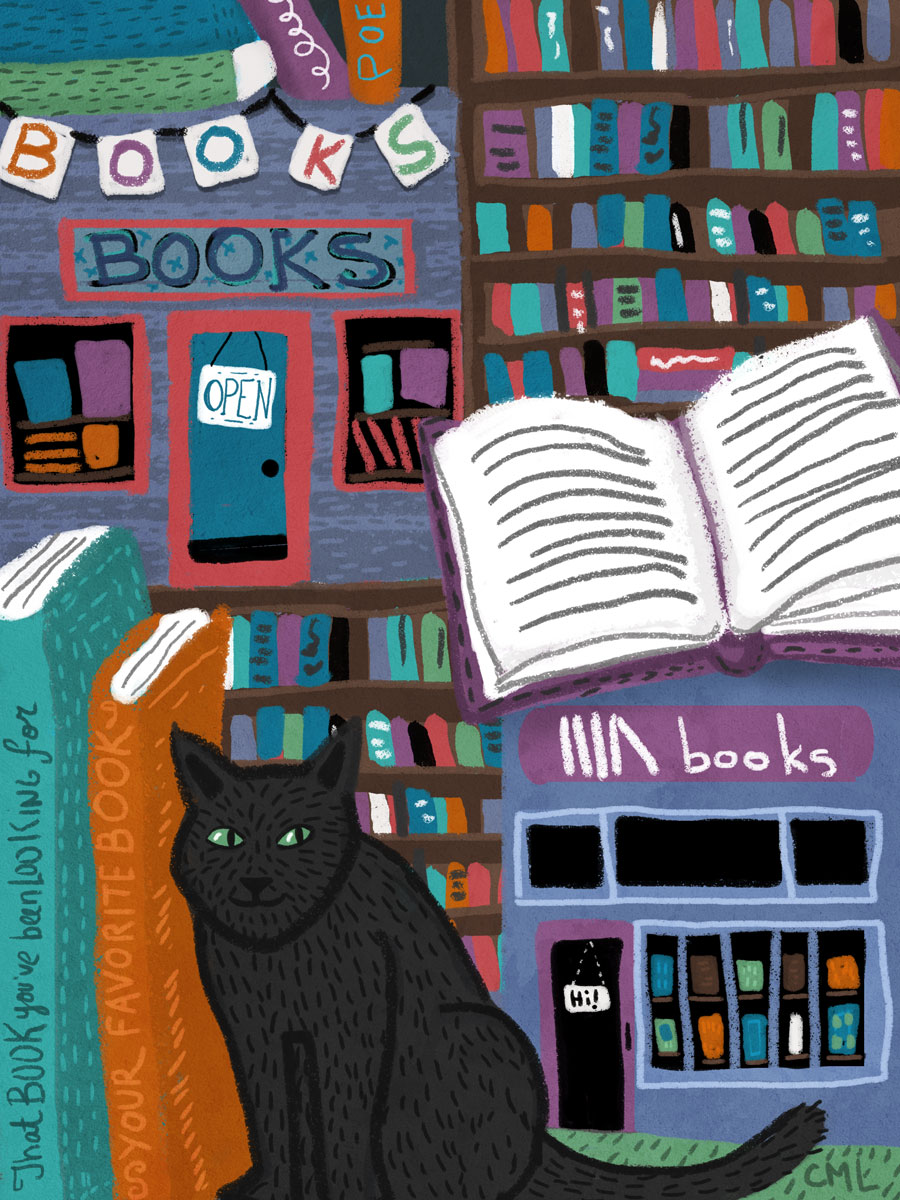
It's Seattle Independent Bookstore Day this Saturday! It's a great celebration, and perfect time to drop by one or five of your favorite local stores. Or, be a hero and do the full 26 store passport stamp, if you're feeling ambitious. Find out more on our Literary Event of the Week column.
Criminal Fiction: Revisiting hometown
Every month, Daneet Steffens uncovers the latest goings on in mystery, suspense, and crime fiction. See previous columns on the Criminal Fiction archive page
Reading around: new titles on the crime fiction scene
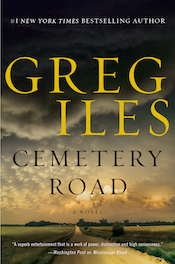
The gothic-noir force is strong in Greg Iles’ Cemetery Road (William Morrow). Marshall McEwan, recently returned son of Bienville-on-the-Mississippi, has been home just five months after absconding from a high-profile, D.C.-based journalism role, coming home in order to be closer to his ailing father, the publisher of Bienville’s newspaper The Watchman. McEwan has reconnected, adulterously, with his childhood sweetheart, and holds the confidence of the local bookstore owner – a recent hometown-returnee herself – when murder most foul rears its ugly head. Faster than you can say, well, anything, Marshall finds himself tangled in an intricate web of small-town corruption, grafting, Machiavellian manipulation, and familial discord, led by the ultra-shady Bienville Poker Club under whose auspices elitism, racism, sadism, and sexism run rampant. As the dizzying puzzle slowly unravels into its multiple resolutions, the violence tends towards the graphic. But there are also moments of truly serene beauty in the history-rich setting, the unforgiving land-and-waterscape setting, and a bookstore any stockist – and reader – would be proud of.
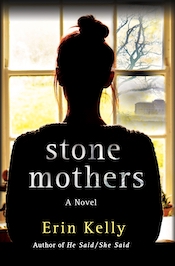
More gothic elements abound in Erin Kelly’s Stone Mothers (Minotaur), at the center of which sits a former Victorian mental asylum, now gaudily transformed into luxury flats. Marianne’s husband surprises her with one of these flats – a second home outside their London base – offering her more time with her ailing mother. Marianne grew up near the asylum when it was known as Nazareth Hospital: her family’s fortunes – everyone in that town’s fortunes, actually – have always been tied to the hospital, which was once the area’s biggest employer. Kelly, a member of the canny Killer Women collective and a practiced hand at inducing pleasurably creepy reading experiences, has been writing terrific psychological thrillers since 2010’s The Poison Tree: in her capable hands, what begins here as an alarm-bell-ringing deception of a husband by his wife evolves into an unabashedly dark tale that throws into sharp relief some of our most critical contemporary issues as well as those of the all-too-recent past.
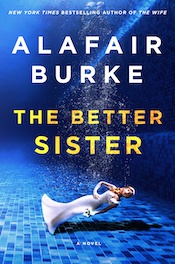
Chloe or Nicky – which one is The Better Sister in Alafair Burke’s latest head-spinning mystery? Chloe is the OCD-driven, ambitious and highly successful sibling: she’s even nabbed Nicky’s ex-husband, Adam, for herself, along with Nicky and Adam’s son, Ethan. But when Adam is brutally murdered at his and Chloe’s East Hampton home and Ethan is nabbed as the prime suspect, the stage is set for a potential family confrontation that may or may not overwhelm the unavoidable murder trial. Taut-domestic-and-courtroom-thriller aspects aside, Burke is, as always, terrific on the salient cultural details that bring her characters to vibrant life, from social media threads and spot-on Sex and the City references, to Etsy and Malcolm Gladwell’s 10,000-hour Rule. All this – plus another appearance from tenacious criminal defense lawyer Olivia Randell – adds up to one hell of a rip-roaring read. (Harper)
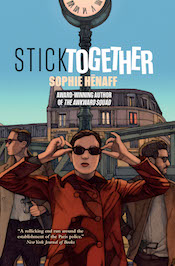
Murder hits close to home in Sophie Hénaff’s Stick Together (MacLehose, translated by Sam Gordon). Someone is whacking older gentlemen in Paris and Lyon, and one of the victims turns out to be Commissaire Anne Capestan’s ex-father-in-law. As she and her motley crew of semi-disgraced police detectives do their best to investigate on a restricted budget – in one of the funniest scenes, her colleague uses World of Warcraft avatar software to create an e-fit of a suspect – Capestan has to navigate not just annoying, impediment-producing police bureaucracy but an already tenuous relationship with her former husband. This killing spree is no laughing matter – the murderer is both clever and sadistic – but Hénaff injects delightful shimmers of humor into her novel, imbuing her characters’ lives with a cornucopia of entertaining and tantalizing details, and making the novel’s denouement all the more satisfying.

In Philip Kerr’s posthumous Metropolis (Putnam), during a stiflingly hot summer in Berlin – 1928, to be exact – the Weimar Republic is in full swing as are the city’s sex clubs, bars, and notorious street life. Bernie Gunther, promoted from Vice to the Murder Commission on his way to becoming a full-fledged detective, pursues a series of murder-scalpings of city prostitutes, but something worse is coming: bigotry, racism, and Fascism are on the rise, permeating every element of daily life.
Still reeling, along with most of his fellow countrymen, from his time in the WWI trenches, Gunther drowns his sorrows in alcohol and the occasional dalliance, gets sketched by artists George Grosz and Otto Dix, lends an ear to Lotte Lenya in rehearsals for The Threepenny Opera, and is schooled nicely in the human condition by theater critic Alfred Kerr. In this, Gunther’s origin story – jam-packed with echoes of contemporary alarm bells – he also ventures into the emerging area of undercover work, and beholds some of the more squirm-inducing cabaret activities, the legacy of which is confirmed in Kerr’s Author’s Note: “The Cabaret of the Nameless…reminds me of Pop Idol and anything with Simon Cowell….”
The Quintessential Interview: Hanna Jameson
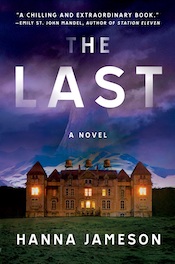
What do you do when the world as you know it has ended in puffs of nuclear bombs, and you’re stuck in a remote hotel where a murder has been committed? This is just one of academic Jon Keller’s multiple dilemmas in Hannah Jameson’s The Last (Atria), when he finds himself trapped in Switzerland. Having travelled for a historians’ conference, he suddenly finds himself separated from family and friends, and having to create a new way of living with complete strangers. Elements of Lord of the Flies mingle with post-apocalyptic angst, especially when the hotel survivors discover that they are not alone. Jameson, who also writes the London Underground mysteries, lives in London.
What or who are your top five writing inspirations?
Things and emotions that scare me. Anything David Lynch makes, says, writes, or does. Fear of being broke. Reading history. The idea that the only meaning we have in this life is in the good that we do with whatever superpowers we arrived with, and my superpowers happened to be writing and having awesome hair so I’m gonna carry on doing that.
Top five places to write?
I only have two; my local coffee shop (I always adopt one perfect coffee shop in whichever city I’m living in), or in my bed. There really is no in-between. However, if I was a lot richer I’d do a lot more writing in hotels, lakeside cabins in Maine, and ranches in the Midwest and South. I’ll flesh-out my top five then.
Top five favorite authors?
It varies so much and probably day to day. But right now, off the cuff, I’d say Toni Morrison (who is our greatest living novelist, no competition), Madeline Miller, John Steinbeck, Graham Greene, JG Ballard.
Top five tunes to write to?
It’s totally dependent on the project, because each project comes with its own soundtrack and emotional soundscape. Recently it’s been ‘In My Remains’ by Linkin Park, ‘Blood Like Lemonade’ by Morcheeba, ‘Run Boy Run’ by Woodkid, ‘Silk’ by Wolf Alice, and ‘Dona Nobis Pacem 2’ by Max Richter, though I could easily have put Richter’s whole soundtrack for The Leftovers.
Top five hometown spots?
I have a very fluid idea of what my hometown is. Winchester was my home until I was 21 yet I lived in Brighton for almost six years in my early 20s and went through most of the brutal, painful business of growing-up there. I lived in Edinburgh for five months and wrote my most successful book there, finding myself, in a way. London was where I learned the new craft and discipline required to be a screenwriter for a year. They all matter.
That being said, my top five of these places are:
- Greyfriars Kirkyard, Edinburgh.
- The Mark Rothko room at Tate Modern, London: I can sit or stand there for hours in the dark looking at those huge canvases. Great place to have a cry and feel things.
- Redwood Cafe, Brighton. A cafe that is sadly no longer with us, but I wrote two books there and did a lot of other stuff too.
- The Christmas Market at Winchester Cathedral.
- By the sea, Brighton.
Thursday Comics Hangover: Superman done right
Some three years ago on this website, I wrote about why Superman is a difficult character to write, and why most writers get Superman wrong. The thesis statement is here:
When you’re writing a Superman story, you’re not trying to find his toughest opponent, or his most difficult physical challenge. None of that stuff—super-speed, laser beams—matters at all. Instead, you’re trying to challenge the idea of morality.
If you'd ask me to name one modern writer who understands that Superman comics need to be an examination of goodness and morality, I'd name Grant Morrison, whose All-Star Superman is one of the first Superman books I'd give to someone who wanted to understand the character.
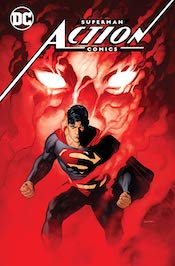
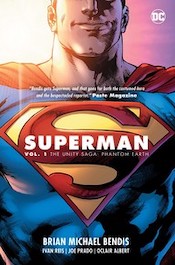
So far as I can tell, only one other writer in the 21st century has come close to Morrison in terms of understanding why Superman is a compelling character. That writer is Brian Michael Bendis, and he's currently writing the character in both the Superman title and in Action Comics, the title where Superman first debuted over eighty years ago.
The first collected edition of Bendis's run on Superman, The Unity Saga: Phantom Earth, came out back in late February. It immediately demonstrated that Bendis intuitively understands the character of Superman: he's kind, and he's compassionate, and while he doesn't always know what's the best thing to do, he certainly tries to do the right thing every time.
The structure of Phantom Earth is a little bit wonky. The plot involves Earth suddenly transporting to Krypton's intergalactic prison, The Phantom Zone, and it ties in with Bendis's ongoing story involving Rogol Zaar, an intergalactic eeeeevil bad guy who may have wiped out Krypton. (Rogol Zaar is Bendis's biggest misstep in the Superman comics thus far; he's a monster through and through and he's very strong. In other words, he's exactly what a Superman foe should not be.) What seems like a major plot revelation is tossed off toward the end of the book in a jokey fashion that smashes the world-threatening stakes established in the opening chapters. The book is trying a little too hard to impress reader, leaving a sense that it's overpromising and under-delivering.
But it's worth reading Phantom Earth just for the characterization of Superman. He appeals to a super-villain's better nature when she tries to commit a petty crime in the middle of an intergalactic threat. ("Why don't you try helping?!") He never gives up. He worries about setting a good example.
Thankfully, Bendis's Action Comics is at once a great character showcase and a fun Superman story. This is pretty much everything you'd want out of a Superman comic: daily goings-on at the Daily Planet, a mix of villains to fight, a glimpse into what life is like in Metropolis on a daily basis, and an ongoing soap opera.
But most of all, you get a lot of Bendis's Superman. This is a superhero who takes the time to hug and comfort the people he's just saved. He tells them that there's no shame in looking up a trauma counselor. He encourages them to go to the hospital and make sure everything's okay. He makes people want to be better.
Book News Roundup: Deadlines and wiretaps
- Congratulations to Washington State Poet Laureate Claudia Castro Luna on her Academy of American Poets Laureate Fellowship.
Claudia Castro Luna was born in El Salvador. She received a BA in Anthropology from the University of California, Irvine, an MA in Urban Planning from University of California, Los Angeles, and an MFA in poetry from Mills College. She is the author of Killing Marias (Two Sylvias Press, 2017) and the chapbook This City (Floating Bridge Press, 2016). She currently teaches at Seattle University. Castro Luna, who will receive $100,000, plans to convene a series of poetry writing workshops and readings along the entire length of the Columbia River, from the point it enters the northeastern corner of Washington to its encounter with the Pacific Ocean, highlighting the importance of this natural resource.
- To learn more about Castro Luna’s plan, read Brangien Davis’s interview with her at Crosscut.
We are speeding quickly toward the deadline to apply for the role of Redmond's Poet Laureate (on April 29th) and the role of Seattle Civic Poet (on April 24th, which is, uh, today.)
Here's a Chrome and Firefox browser extension that book-lovers might find handy. If you're looking up a book at an online bookseller, this extension shows you that title's availability at the local library of your choice — in physical, e-book, and audio book varieties.
I didn't even know that thesauri needed a defense, but here we are.
If you're wondering how not to have Amazon sell your information to contractors, my advice would be "don't own an Alexa-powered listening device in your home," but apparently that's too difficult?
Bloomberg reported a few weeks ago that Amazon not only records what you say to Alexa but also shares those recordings with contractors. This includes not just the instructions you gave Alexa but also whatever Alexa may have picked up by accident...Amazon shares all that info with contractors, and also gives them a user's first name and Amazon account number, as well as the device's serial number.
"Access to information is not an easy thing to come by in prisons"
Michelle Dillon took a circuitous path to her time as a volunteer and board member with Books to Prisoners Seattle. She studied forensic psychology and evolutionary anthropology before settling on the Master of Library and Information Science Program at the University of Washington. From there, she saw a call for volunteers from Books to Prisoners in the UW Daily.
I thought for sure that I was going to be a public librarian because I thought that that was the population that had the most intense information needs," Dillon says, "and I was completely proven wrong by Books to Prisoners."
Dillon now works full-time at the Human Rights Defense Center, where she fights against censorship in prisons. But the last month or so has been a hectic one for her volunteer gig at Books to Prisoners — particularly since she runs the social media accounts for the nonprofit.
I reached Dillon by phone earlier this week to explain what's happened with the Washington state Department of Corrections' ban on used books, what the status is of the book ban right now, and what you can do to help Books to Prisoners.
How, exactly, did you come to realize that something was wrong?
So Books to Prisoners Seattle started to notice an increasing number of rejections of books from Washington prisons in 2018, and we didn't really have a good explanation why. The [Department of Corrections] wasn't talking to us. So after finally getting sick of it, I starting delving around on the DOC's website in March and finally came across a memo that they had put out that was dated March 12th. It stated that they would no longer be accepting free, used books from nonprofits such as Books to Prisoners.
We've been sending books into Washington prisons since 1973 and we've never had an incident. We sent thousands of books during that time. So we were just blindsided by this, and we pushed back. We started a phone zap [social media call-in campaign] which then ended up becoming a much bigger deal much sooner than I had ever anticipated.
We ended up getting some national coverage from media outlets and a lot of publicity from a lot of authors on Twitter who helped keep this in the public eye. After enough people started getting in the face of the DOC and shutting down their phones and their email inboxes and whatnot, [the public] also turned to Governor Jay Inslee who, the very next week made a public statement saying the DOC really needs to work with Books to Prisoners to resolve this.
Instead of immediately doing that, the DOC tried to double down by releasing a press release that stated there were increasing numbers of contraband incidents, including 17 in 2018 alone, of contraband entering through mailed books. We knew that was bullshit. It's the same line that's been used every single time that a DOC tries to stop the flow of books coming into prisons. It's always about safety and security, always about contraband.
"The Seattle Times got a hold of that list of alleged contraband incidents and, lo and behold, not one of them were tied to the mailed books that groups like Books to Prisoners were providing through the mail."
The Seattle Times got a hold of that list of alleged contraband incidents and, lo and behold, not one of them were tied to the mailed books that groups like Books to Prisoners were providing through the mail. And in fact most of them didn't even involve books at all. A lot of them were just things that came out of this terrible, terrible keyword search for their incident reports for "book+contraband" where they found incidents like, "contraband was found by Officer Booker," or "inmate was booked with contraband."
Finally the DOC agreed to meet with us last Friday, after putting out a partial repeal memo on April 10 that, unfortunately, only included four groups which would be allowed, one of which wasn't even the correct name of a known group. Clearly they hadn't really done their research on this.
So a couple of representatives and some people from the ACLU and some prisoner's advocates met with the DOC on Friday and we are currently in the process of negotiating a bigger, better memo that will hopefully not just rescind the state of access to where it was shortly before they released this universal ban.
Honestly, even that state was not that great, because each prison was allowed how to decide how they wanted to handle mailed books and a lot of facilities were only allowing new books. Even when we would mail in the new books, they were still claiming that they were used books because of bent corners that had been damaged in shipping and all of these other loopholes that basically cut off access anyway.
So we're trying to use the momentum from this terrible botched new policy that they attempted to implement to fight for better, more open, more just, more equitable access for all community groups that want to help prisoners in Washington.
So even though some outlets have reported that the situation has been resolved, the situation is not yet resolved. What do you think the DOC's motivation is in all this? Isn't a reading prison population better than a non-reading population?
We obviously don't know what's going on with the Washington DOC. but I will say that in Pennsylvania they found that their DOC had in fact negotiated a new contract with their tablet provider just months before attempting to institute the book ban, which had changed the commissions that were coming back to the Pennsylvania DOC. It went from a flat commission to incentivized revenue. So if the DOC didn't push enough books through their tablets, they would start losing money.
Given what happened in Pennsylvania, it's not out of the realm of possibility that something similar might be happening in Washington. And what we do know is that right now the Washington DOC has a request for proposals for tablets out. A lot of advocates have been trying to get their hands onto that request for proposal and see what the DOC is attempting to get from any new contract that they might sign. But so far they have been stonewalled.
"…public scrutiny and public shaming has been one of the most effective routes to keeping Departments of Corrections in line."
Okay. All right. That's clarifying. Is there anything that people can do to help you through this process of trying to completely lift the ban on used books in prisons?
What people can do is still pay attention to this issue. Because what we know is that, unfortunately, public scrutiny and public shaming has been one of the most effective routes to keeping Departments of Corrections in line. Without that public eye, they tend to stop returning phone calls, and they tend to stop abiding by these policies and regulations that were set out to keep them in check.
So keep an eye on our Twitter account, which has so far been the most effective way of wrangling people. We will put updates there. If we should need to call upon people to start doing phone zaps again or to start getting higher levels of government involved again, we will need to have a group of people who are committed to acting fast.
I mean, I was blown away by the fact that we got the DOC to agree to a meeting with us in two weeks. That's how committed people have been. And unfortunately, although they would like us to believe that everything has been resolved, we don't have a firm new policy that's going to serve everyone. And now is when we need people to be able to get mobilized quickly.
And in general, now that people are aware of what it is that you do, what can people do to help Books to Prisoners?
We always need volunteers. And we're not the only group who does this, so if there are people who are reading who are not in the Washington area, there are groups all around the country that have a similar mission.
And in fact there are other groups in Washington who are under the Books to Prisoners umbrella. There is Books to Prisoners Spokane, there's Portland Books to Prisoners, which also gets in the Vancouver crowd. We always need volunteers to help read letters and package up books.
We also need financial donations. That cannot be emphasized enough, because we are basically able to send out exactly as many packages during the year as we have money to respond to. We always have more letters than we're able to answer.
We run on shoestring budgets. Here in Seattle we run off an annual budget of about $60,000, and that allows us to send out about 12,000 packages of books every year. Each package of books costs three to four dollars to send, and the rest of the money goes towards rent — which in Seattle is unfortunately not cheap. We need to have an on-site library of books to be able to do our jobs and we need to provide support for our one poor staff member who is contracted at 12 hours a week to help respond to donation requests and oversee all of the volunteer shifts to make sure that we get all of the books packaged up according to prison specs.
People love to give us books — and don't get me wrong, we love to get them. But the problem is our storage capacity. Again, rent is very expensive in Seattle, so we have to prioritize those books which are of utmost importance to us. I guess if people want to donate books, the one thing that we need right now is dictionaries. Always and forever, paperback dictionaries. About 25 percent of all request letters have a request for a dictionary in them.
Most people would never guess that the dictionary, of all things, would be the most requested book in prisons.
It's this humble book that most of us don't even have on our bookshelves anymore because we have the internet, we have libraries, we have bookstores. We just take access to information for granted, and that is not an easy thing to come by in prisons. This is something that I hear all the time from prison librarian friends: no matter how many dictionaries they try to stock, you're never going to as a prisoner be able to walk into the library and find one on the shelf. They are always in circulation.
As you're coming off of this great wave of support, is there anything that you think people should know?
That they should keep their eyes out for other Departments of Corrections who are attempting the same thing. We were able to get a lot of support because Seattleites think of themselves as being a very literary city, and Washington in general thinks of itself as being a very literary state. But this seems to be an unfortunate, let's call it a trend, when it comes to banned books. Other states may not have the kind of coverage and support to be able to respond as quickly to some of these bans, as we saw in Washington specifically. So keep an eye out for other bans in other states because — I hate to say it, but they're coming.
The winning Bastards
Last week, I reviewed Theory of Bastards, a remarkable novel about bonobos, scientific research, and disastrous climate change written by Audrey Schulman. I said that Bastards was the best novel I'd read in months, an actual page-turner of a book that blended literary fiction with sci-fi and anthropological reaearch.
Over the weekend at Norwescon, SeaTac's annual huge sci-fi convention, Theory of Bastards was given the Philip K. Dick Award, which recognizes " a distinguished work of science fiction originally published in paperback form in the United States."
The PKD Award is, in my opinion, one of the most consistent awards of literary merit, which is to say that even if you don't love every award-winner, you will at least find them worthy of your time and attention. So please — don't just take my word for it: Theory of Bastards is something special. Don't sleep on it.
Always Occasional
Published April 23, 2019, at 12:00pm
As Barack Obama's second inaugural poet, Richard Blanco burst onto a larger stage of American poetry. His latest book examines the complicated relationship between poetry, civics, and citizenship.
WAVE SIGNS
waves
waver
water
wader
waded
waned
waxed
waved
waked
naked
laked
layed
laced
faced
faded
fated
feted
meted
meter
muter
muser
muses
fuses
fumes
fames
names
tames
tales
talas
talar
malar
molar
polar
solar
sonar
so far
sofas
somas
comas
codas
codes
nodes
nides
tides
rides
riles
rules
ruler
ruder
nuder
nudes
ludes
lunes
lunas
lunar
Your new favorite blog is by Nicole Dieker
Nicole Dieker has sponsored us before (thank you, thank you, Nicole!), but this is the first time we've turned in her sponsorship copy late. What held us up? She's here to promote her blog, and she sent so many juicy links that we fell down the rabbithole and barely made it back for dinner.
Dieker is the most approachable intimidating person we've ever met. She's a novelist, a freelance writer, a teacher and a speaker. And an editor! Writing about Nicole, you could easily run out of commas (yeah, it happens).
Dieker knows the creative life and what it takes to make money
living one, and she's sharing what she's learned through daily
posts that are funny, smart, open, and completely without
pretension. If you write, edit, teach, or speak for a living
— or want to — her blog is exactly the companion you need for
the journey. AND she's
taking pitches. Hop over to our
sponsor feature page
for a sample post on the WORK vs. the LIFE, then put her in your
RSS feed.
The first half of the year is almost over, and we have just a
few sponsorship slots left! Our readers want to be your readers
too.
Drop us a note
so we can hold your spot before the last few slots are gone.
Your Week in Readings: The best literary events from April 22nd - April 28th
Monday, April 22: Poetry on Buses
April is National Poetry Month. This week brings Earth Day. Today, Sound Transit and King County Metro Transit join forces to create an event that celebrates both events at once. As part of the Poetry on Buses program, local poets Jourdan Keith, Patricia Ferreyra, Liz Kellebrew, Paul Mullin, and Simon Wolf will read new work to help unveil a poetry installation at the Northgate Transit Center. Northgate Transit Center, 10200 1st Ave NE, http://poetryonbuses.org/, 5 pm, free.
Tuesday, April 23rd: Poets Spring Forth
Here is an insanely long list of poets who will be reading work at University Book Store to celebrate the closing of National Poetry Month: Christianne Balk, Michele Bombardier, Erika Brumett, Thomas Brush, Joanne Clarkson, Lyn Coffin, Kevin Craft, , Laura Da', Tige DeCoster, Suzanne Edison, Kayt Hoch, Sarah Jones, Carol Levin, Jayne Marek, Robert McNamara, Paul Nelson, Sierra Nelson, Raúl Sánchez, Heidi Seaborn, Martha Silano, Judith Skillman, Lillo Way, and Carolyne Wright. If you can't find someone to enjoy in that list, you must hate the very idea of poetry. University Book Store, 4326 University Way N.E., 634-3400, http://www2.bookstore.washington.edu/, 6 pm, free.
Wednesday, April 24th: The Bird King Reading
Seattle writer G. Willow Wilson reads from her latest book, which is set in the waning days of Muslim Spain. Wilson read in Seattle a while ago for this book, but now she's closing out her tour with a Seattle-area appearance. I loved the hell out of The Bird King and I bet you will too. University Book Store, 4326 University Way N.E., 634-3400, http://www2.bookstore.washington.edu/, 7 pm, free.
Thursday, April 25th: Kundiman Showcase
This reading celebrates Asian
American and Pacific Islander Heritage Month with Northwest AAPI writers, all of whom are affiliated in one way or another with the great national AAPI poetry organization Kundiman. Readers include Jerome Baek, Dujie Tahat, Diana Xin, Daniel Tam-Claiborne, and Troy Osaki—all Kundiman fellows or friends of Kundiman hailing from the Pacific Northwest. Hugo House, 1634 11th Avenue, 322-7030, http://hugohouse.org, 7 pm, free.
Friday, April 26th: A night of storytelling with Johnny Moses
Johnny Moses is a Northwest Native Storyteller, which means he shares stories from the Duwamish Tribe in prose and song. Come learn about the history and culture of Chief Seattle's tribe from a locally celebrated author and performer. Duwamish Longhouse and Cultural Center, 4705 West Marginal Way SW, https://www.facebook.com/events/412822596149836/, 7 pm, free.
Saturday, April 27th: Seattle Independent Bookstore Day
See our Event of the Week column for more details. https://www.seattlebookstoreday.com/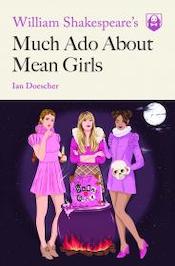
Sunday, April 28th: Much Ado About Mean Girls Reading
Much Ado About Mean Girls is Portland author Ian Doescher's mashup of Shakespeare and the hugely influential Tina Fey-written movie about conflict between young women in high school. I'm all for anything that brings more attention to Mean Girls, even if the movie is maybe more appropriate to be made over into an Austen novel than a Shakespeare play. Third Place Books Lake Forest Park, 17171 Bothell Way NE, 366-3333, http://thirdplacebooks.com, 6 pm, free.
Literary Event of the Week: Seattle Independent Bookstore Day
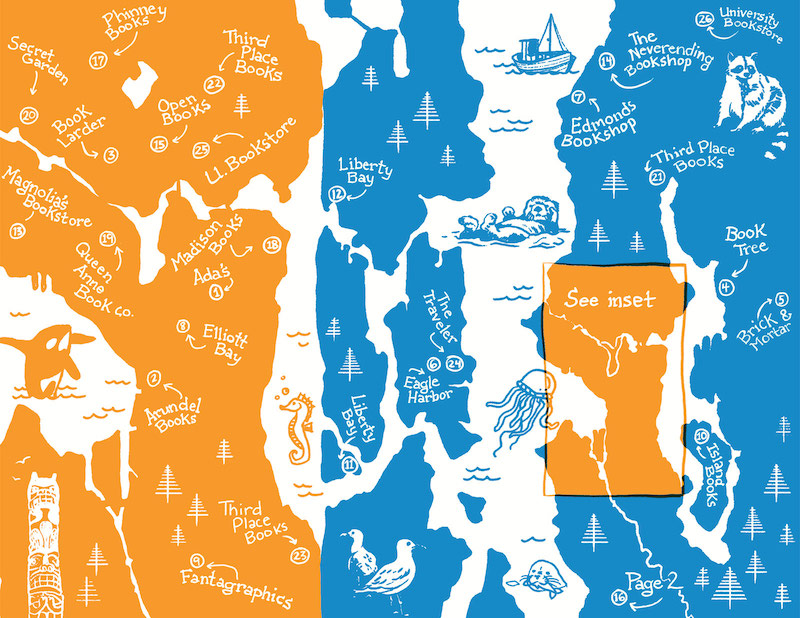
Every year, Seattle-area bookstores team up to celebrate a very special local edition of the national holiday known as Independent Bookstore Day. While bookstores around the country are celebrating IBD with special events, limited-edition books and merchandise, and snacks, Seattle tends to get a little...extra.
Seattle Independent Bookstore Day features a competition of sorts: if you pick up a passport stamp at every single participating bookstore in the Seattle area — that's 26 bookstores, though you only have to visit one location for local chains like Third Place Books and University Book Store, so it's actually more like 21 stores — in one day, you'll get 25 percent off at all the bookstores for the whole next year. Last year, some 500 foolhardy people completed that challenge, and organizers are expecting more this year.
This Saturday, a pair of new stores are joining Seattle Independent Bookstore Day. First of all, Pioneer Square's beautiful Arundel Books is finally jumping into the fray. They're one of the finest used bookstores in town, and they also partner with a local press that publishes a few titles. And second of all, Madison Books, the sister store to Phinney Books, is officially opening for business on Saturday. (I interviewed Madison Books manager James Crossley late last year during the store's soft opening.)
Each of the stores has their own individual programming, so check with their individual websites for more information. Third Place Books is offering appearances from a slate of authors including Laurie Frankel, Angela Garbes, Eli Sanders, Jill Lightner, Martha Brockenbrough, and more. Ada's Technical Books is presenting maybe the best lineup of the day with a reading from Sarah Galvin, Mattilda Bernstein Sycamore, Emmett Montgomery, and Sierra Nelson.
Whether you visit all 26 bookstores or even just one, it's important to go show up for Seattle Independent Bookstore Day. At a time when corporations are swallowing everything and the perception of infinite choice hides an ever-increasing homogenization of culture, we need these local outposts more than ever. This Independent Bookstore Day, tell the world you care about your neighbors, and your city.
The Sunday Post for April 21, 2019
Each week, the Sunday Post highlights a few articles we enjoyed this week, good for consumption over a cup of coffee (or tea, if that's your pleasure). Settle in for a while; we saved you a seat. You can also look through the archives.
The Metrics of Backpacks
Victoria Gannon is a writer and editor in the Bay Area who tried, for a while, to make a living writing "content" for a technology company. Her account is completely different from the standard-issue tech takedown (which, yes, I'm very fond of posting here). It's tech through a personal and social lens, tech with all of the sexism and none of the shine — full of petty power plays and craft beer as sweet as soda.
On Fridays we have happy hours that begin at three. A service delivers local microbrews to the office. The beers are yeasty and thick, with flavors like peanut butter and oatmeal stout. When the happy hour is announced on Slack, a man will respond by writing “beer” and posting an emoji of a beer mug. Then another man does, and another, writing “beers,” “lots of beers,” “beers, beers, beers,” and then they post gifs of men drinking beer.
I am in a foreign country; these are my hosts.
The Writer as Non-Commodity
Lisa Wells does a lovely job of separating the confusing, mysterious, semi-mystical drive to write and the rather more straightforward desire for approval. This is full of good quotes from writers with surprisingly (to this writer!) well-balanced and healthy inner selves.
What would the writer's life look like if these were the models we learned and followed?
I don’t think these writers are unique in their sense of scarcity. I’m sure scientists, celebrities, entrepreneurs of all stripes, the most talented hairdressers—I’m sure they ride the same waves of warmth and disappointment. Thanks to social media, we now have unprecedented access to all the shit we aren’t getting, all the lists without our names, all the parties we weren’t invited to. And it seems to me, if we hope to have any shot at joy, or at making something of lasting value, we’re going to need to summon uncommon insight in response.
Consider the Golden Mole
If the London Review of Books were Cute Animal Twitter, this is what it would look like: images of a shining, tiny, iridescent mole — and brief but erudite commentary on its evolutionary history. Yes, we just said "squee," both over the photographs and the word "autapomorphic." "Autapomorphic"! Talk about shiny. Follow with this story about the Devils Hole pupfish, in which the environment shows its legal teeth.
The golden mole is not, in fact, a mole. It’s more closely related to the elephant, and though most are small enough to fit in a child’s hand, their bodies are miniature powerhouses: their kidneys are so efficient that many species can go their entire lives without drinking a drop of water. The bone in the mole’s middle ear is so large and hypertrophied that it is immensely sensitive to underground vibrations; waiting under the soil or sand, the golden mole can hear the footsteps up above of birds and lizards; it can distinguish between the footfall of ants and termites. With their powerful forelegs and webbed back feet, they are described by scientists as ‘spectacularly autapomorphic’. They have been like nothing but themselves for far longer than us.
Whatcha Reading, Twitter?
Every week we ask an interesting figure what they're digging into. Have ideas who we should reach out to? Let it fly: info@seattlereviewofbooks.com. Want to read more? Check out the archives.
A few weeks ago I asked Twitter to take part in this column. I wanted to throw my favorite three questions to the world and see who responded. Would the answers be different than the (mostly) published writers I normally have in this space? The variety of what you all are reading is really wonderful, and reflected what we always imagine to be the bookshelf of the average SRoB reader. From novels to non-fiction, from environmental to education, from science-fiction to thrillers to YA — nice to see a little of everything here mixed on the collective shelf. Thank you so much to everybody who took part!

What are you reading now?
now: Helen DeWitt's The Last Samurai. last: Kazuo Ishiguro's Never Let Me Go. next: Jeanette Winterson's Why Be Happy When You Could Be Normal.
— Kevin Humphreys (@kwhumphreys) April 5, 2019
Currently reading Like War: The Wepponization of Social Media. It's a very well written book, however I find it hard to to read at times given how brutally real it is.
— Jacob Meixner (@jjm3x3) April 8, 2019
Raisin in the Sun by Lorraine Hansberry. First play by a black woman to be produced on Broadway, and a great depiction of life in Chicago in the 50s. Great dialogue, love reading plays.
— Mike Swartz (@m_swartz) April 5, 2019
Prairie Fires by Caroline Fraser. Dense, heavily researched biography of Laura Ingalls Wilder. Thank goodness for the archives that save papers for researchers like Fraser!
— Paula J Burke (@RealPaulaBurke) April 5, 2019
Abaddon's Gate (James S. A. Corey).
— JΛY (@jayhaskins) April 5, 2019
The Wizard and the Prophet, because I am really concerned about climate change, and @andy_matuschak recommended it as a history of approaches to environmentalism!
— Bryan Clark (@bryanjclark) April 5, 2019
What did you read last?
Desert Solitaire by Edward Abbey - a 1968 reflection on civilization and land preservation, written by a park ranger. Loved it. Will come back to it.
— Todd Wallar (@omniverse) April 5, 2019
Inheritance by Dani Shapiro - beautifully written memoir a bit over the top emotionally. Still an evocative experience.
— marilynmc (@marilynmc) April 5, 2019
(1) Whole Earth Discipline
— Bryan Clark (@bryanjclark) April 5, 2019
(2) Drawdown
…each of which talks about potential interventions to reduce carbon dioxide in the atmosphere. Loved ‘em.
Best American Non-Required Reading 2017. My favorite series. They really capture the feeling of the time.
— Lauren Isaacson (@Curio_Research) April 5, 2019
Abbott, a graphic novel by Saladin Ahmed, Sami Kivela & Jason Wordie. Set in 1970s Detroit, a black female reporter tracks down clues to an occult crime spree. Amazing art. pic.twitter.com/c2DwT57eyL
— Paula J Burke (@RealPaulaBurke) April 5, 2019
What are you reading next?
I’m trying to clear space for any impending Seattle Independent Bookstore Day purchases, which will likely be classic Sci-Fi (LeGuin, Butler, Ringworld, Hyperion) and various graphic novels like Saga, Lumberjanes, and Ms. Marvel.
— Brandon Lueken (@Khurzad) April 18, 2019
Reading Now: Latest Expanse book-Like visiting old friends
— Faye & Penelope (@FayeNLopey) April 5, 2019
Last: Darius the Great is Not Okay - Very good YA novel dealing with depression, among other things
Next: ??
📚
Montesorri From The Start, because I’m on parental leave and wanna read up on infant stuff
— Bryan Clark (@bryanjclark) April 5, 2019
Watching Closely. I'm learning how to do better observational research.
— Lauren Isaacson (@Curio_Research) April 5, 2019
Another graphic novel, The Best We Could Do, by Thi Bui. Need to keep up with the rest of Seattle, as we read the same book!
— Paula J Burke (@RealPaulaBurke) April 5, 2019
Last: McGlue, by Ottessa Moshfegh
— korbonits (@korbonits) April 6, 2019
Next: Petersburg, by Andrei Bely
The Help Desk: How do I made reading the first priority for my second cousin?
Every Friday, Cienna Madrid offers solutions to life’s most vexing literary problems. Do you need a book recommendation to send your worst cousin on her birthday? Is it okay to read erotica on public transit? Cienna can help. Send your questions to advice@seattlereviewofbooks.com.
Dear Cienna,
When I went home for Christmas, I couldn’t help but notice that my cousin is a terrible father. His son is ridiculously smart. At nine years old, he told me he was interested in studying the Titanic because he enjoyed “the irony of it all.”
But my cousin actively makes fun of his kid for being too brainy, often yawning loudly or complaining that he’s bored when his son talks about books he likes. The most charitable interpretation I can offer for my cousin is that he doesn’t want his kid to be alienated in his rural community for being too much of a bookworm. But there’s not really an excuse.
I moved away from my family because of crud like this, but what can I do to help my cousin’s kid grow up with a love of books?
Steve, Capitol Hill
P.S. Here’s another question: does being my cousin’s kid make him my second cousin? I’m terrible at genealogy stuff.
Dear Steve,
It's a shame your cousin is proverbially pissing on the beautiful gift that is an inquisitive child – especially when studies show that both fathers and children benefit from shared reading sessions. As a new parent myself, I struggle to get my daughter Beatrix interested in books. When I slip them into her cage, she hisses and eventually eats them. At first, I suspected the spiders of feeding her lies about how reading isn't "cool." But perhaps she instinctively knows that the droopy tube sock filled with vaseline and rocks who dines with me each night is no substitute for a father. Or maybe my idiot pediatrician was right and gators are dyslexic (and allergic to tanning spray).
None of that helps you, though – or your jr. cousin jr., which is how I'd pencil him onto your genealogy napkin had Beatrix not eaten my pencil.
I have two suggestions for you: one is cheaper but more work, the other is more expensive but easier.
Here's the cheaper one: Whenever you go to garage sales or used book stores or library sales, buy him books – all sorts of books. Books of all genres and as cheap as they come. Then, depending on how often you venture home to visit family, present him with these hoards of books and watch as his eyes light up and his brain shorts out. (Growing up, I had a family friend who I realize in hindsight was a hoarder but who did this exact thing for me the two or three times I saw her every year and it was the highlight of my childhood.)
If that isn't workable, you could gift him with an e-reader and give him money for e-books on holidays – along with recommendations for your favorites. I prefer physical books to e-books in general, but for a kid who's bullied by his dad, something small and discreet might work best.
Finally, the next time you hear your cousin bullying jr. cousin jr., please stick up for him. Unless he is also equipped with 80 teeth that can fully dismember a goat in 17 seconds, he can't do it for himself.
Kisses,
Cienna
Portrait Gallery: Paul Constant
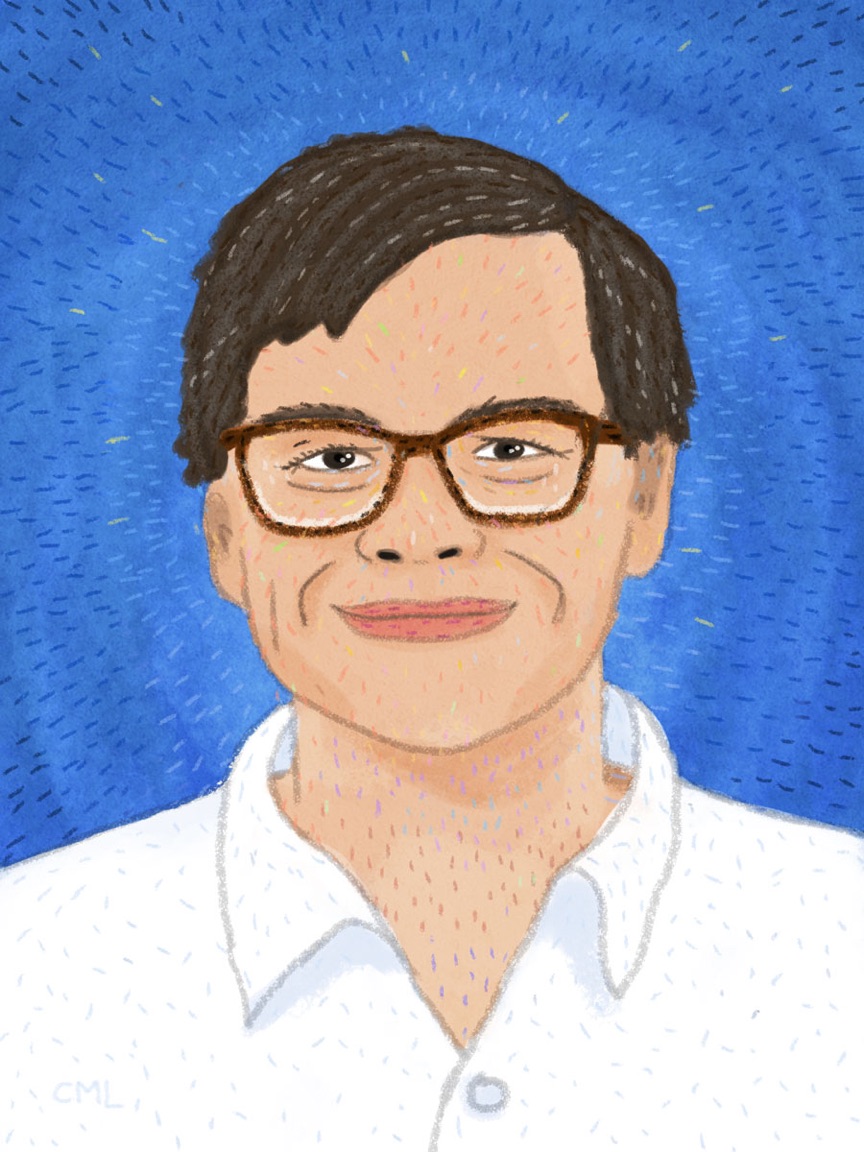
Conflict of interest week continues apace, here at the Seattle Review of Books. As you surely know, our co-founder Paul Constant's debut Planet of the Nerds is in shops now. Turns out, he's never had a portrait from our resident portrait artist. Well, that's something we can remedy.
And mark your calenders: Paul will be appearing to talk about his new series, and the work he's done with one of Ahoy Comic's other titles, The Wrong Earth. That's on Saturday, May 11 at the Elliott Bay Book.
The Future Alternative Past: Gender is a binary: yes or no?
Every month, Nisi Shawl presents us with news and updates from her perch overlooking the world of science-fiction, fantasy, and horror. You can also look through the archives of the column.
SFFH (science fiction, fantasy, and horror) is a verbal vat boiling over with possible ways of complicating gender categories. The genre even gives out a literary award for doing so — the Tiptree, which is named after James Tiptree, Jr. (70s author Alice Sheldon’s penname).
Foremost among SFFH’s early gender-role questioners is Samuel R. Delany, an out gay black man. In Delany’s 1976 novel Trouble on Triton: An Ambiguous Heterotopia, citizens of Neptune’s moon switch up the physical manifestations of their gender at will. That Bron, the book’s whiny and unreliable narrator, tries to use this gift to manipulate others into satisfying his desires against their druthers is a source of drama, not an authorial condemnation of the practice. If that isn’t obvious to anyone on reading it, interviews with Delany and his literary track record would back the assertion up. After all, in his first short story, “Aye, and Gomorrah,” Delany arguably anticipated another area of divergence from assigned norms — this time the related norms of sexual orientation — with his depiction of the asexual “Spacers.”
As a Delany disciple, I’ve done my writerly best to represent the fluidity of gender in my own work as well — particularly in my cyberpunk Making Amends stories. In “Deep End” and “The Mighty Phin,” a prisoner is forced to present as a man in cyberspace and denied access to inhabiting a female body. “In Colors Everywhere” takes place on a colony world where gender self assignment is a regular matter of course, from childhood on. And in my fantasy “She Tore,” one of Wendy Darling’s lovers is the shape-and-gender-shifting Tiger Lily.
Four Roads Cross, part of Max Gladstone’s wonderful Craft Sequence, also features gender expression made corporeal via magic. The enchantment responsible for this isn’t the novel’s point — just a milestone in the main character’s career.
That takes care of science fiction and fantasy, and I don’t have any ready examples of horror along these lines. Doesn’t it seem unlikely, though, that fiction which rejects rigid gender assignments would fit easily into such subgenre pigeonholes? Yoon Ha Lee’s Ninefox Gambit, for instance, first book in his Machineries of Empire series, reads a lot like military SF — rocket ships, rank, weapons of planet-wide destruction — yet there’s a distinctly supernatural element to it, too. Nebula winner All the Birds in the Sky by Charlie Jane Anders is both science fiction and fantasy. Though Gambit implants the consciousness of a long dead man in a woman’s body, Birds leaves gender alone. But both authors are trans, and thus familiar with the boundaries of gender identity and their permeability.
Source and content; subject and background. There’s so much to take into account. So much more than the possibility of subversion of current definitions to investigate. Where should you start? Later in this column I review the most recent book by Rachel Pollack, who like Delany is a genderfloomping veteran. Maybe there. Or if you prefer beginning with newer challengers of the status quo, check out GlitterShip, an audio magazine/podcast of SFFH by lesbian, gay, bisexual, trans, and queer authors where you’ll find choice stories representing gender in all its fascinating and seemingly endless configurations.
Recent books recently read

Latest in Terry Bisson’s audacious Outspoken Authors series, The Beatrix Gates (PM Press) showcases three Rachel Pollack stories and one essay she wrote exclusively for this book, plus a playful yet revealing interview. Way back in 1971 Pollack “transitioned” (a word she notes didn’t exist at the time) to public acknowledgement of her female identity. With firm grace and poetic candor she confronts changes in language, the ungraspableness of life’s divinity, and the aching hunger we all feel to receive the twin blessings of comprehension and acceptance.
Though slim, this is an expansive volume, a collection of stories burning to be told, yearning beautifully to be read. The mythic straightforwardness of “The Woman Who Didn’t Come Back” and “Burning Beard” perfectly set off the meta-leveled delicacy of the title story, the cult classic “The Beatrix Gates,” which contains a confessional, a fairytale, and a quantum-based far-future extrapolation of the science of self-transformation. Pollack’s comics and tarot-related writings aren’t included in this book, but they’re alluded to in the interview and listed in Bisson’s Pollack bibliography. All serve to illustrate how far the author has traveled and how far she’s willing to help us go.
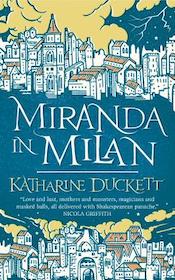
Miranda in Milan (Tor), debut author Katherine Duckett’s queer sequel to William Shakespeare’s play The Tempest, makes of the formerly exiled sorcerer Prospero’s daughter a heroine, and of Prospero himself a power-mad villain. Abandoned by her fiancé Fernando and shunned by Milanese courtiers as a too-vivid reminder of her zombie mother, Miranda seeks refuge in the ducal palace’s secret passages and solace in the arms of her Moorish maidservant, Dorothea. While rooting for the blossoming of their secret lesbian love, I longed in vain for Duckett’s accounts of many of the adventures that fed and watered it.
Couple of upcoming cons
For the third year running I’m recommending that you attend WisCon, a feminist science fiction convention happening in Madison, Wisconsin. Is anyone out there listening to me? Then go. These days no con is without its shenanigans, but WisCon consistently attempts to address its problematic issues and gives voice to those disagreeing with how they’re dealt with. And though my mother won’t be attending this year — she died six-and-a-half months ago — a memorial panel will honor her late-blooming participation in this annual celebration of nonhegemonic fun.
If nonhegemonic fun is what you’re looking for, Balticon is your next best bet. But it’s the same weekend as WisCon, so you’re going to have to pick one or the other. In addition to the requisite panels, gaming, masquerade, art show, and dealer’s room, Balticon offers the three-hour Balticon Short Film Festival and the Compton Crook Award ceremony.Maybe base your decision on airfare? Or maybe on the Guest of Honor line-ups? WisCon’s G. Willow Wilson and Charlie Jane Anders arm-wrestling Balticon’s Elizabeth Bear, Scott Lynch, and Charles Vess — such a tough call.
Thursday Comics Hangover: The barely collected Neil Gaiman
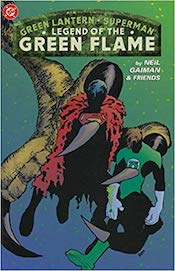
Recently at Third Place Books, I bought a used comic. There's nothing unusual about that sentence. But the comic was written by Neil Gaiman and I'd never heard of it, which is a pretty damn rare occurrence.
Flip past the atrocious Frank Miller cover to the indicia page and you'll discover that Green Lantern/Superman: Legend of the Green Flame was originally published in 2000. Flip even further into the book and you'll learn in the introduction that DC commissioned Gaiman to write Green Flame to close out an anthology title in the year 1988.
Somehow, a Gaiman Superman comic had gone unpublished for twelve years before DC decided to pay artists to draw the book. And then the book almost immediately went out of print after it was published the first time, almost 20 years ago. Given Gaiman's global cachet, this seems like an almost criminal oversight on DC's part.
As a work of juvenilia, Green Flame is a lot of fun. It was written at the very beginning of Gaiman's career, and his dialogue evokes standard superhero fare, not his more literary Sandman comics. These are classic versions of Superman and Green Lantern: clunky, stiff, more than a little bit square.
And the plot's pretty old-school, too — mired in continuity and not necessarily new-reader friendly. Aching from a breakup, Green Lantern seeks out Superman for relationship advice, and the two investigate a mysterious artifact tied to a previous incarnation of Green Lantern. Then everything goes to Hell (literally).
As the heroes progress through the fairly straightforward plot, a few Gaimanisms make their way to the surface of the book. Superman explains that he can't look directly at a magical artifact with his X-ray vision because "it seemed infinite...as if I could look into it forever." The decision not to show the reader what Superman sees, in a media that is almost entirely devoted to image, must have required some intestinal fortitude, but Gaiman pulls it off, trusting the reader's imaginations — the real special effect in comics — to surpass anything an artist could put on the page.
But the real reason to read Green Flame is to appreciate the differences in the art styles of Gaiman's collaborators. These are stalwart superhero artists: Mike Allred, Kevin Nowlan, Eric Shanower, and more. These artists happily delivered their best work, from Nowlan's dark and creepy exploration of the Green Flame's origins to Jason Little's cheerful, cartoony resolution for the book.
Green Flame could be most charitably described as n early effort, and it is incredibly uneven, though there's real pleasure in watching the collaboration between Gaiman and his very fine artistic collaborators. And watching Gaiman take a stumble on one of his first outings is a genuine thrill. Here is a master of the form just taking his first baby steps into the world.
Mail Call for April 17, 2019
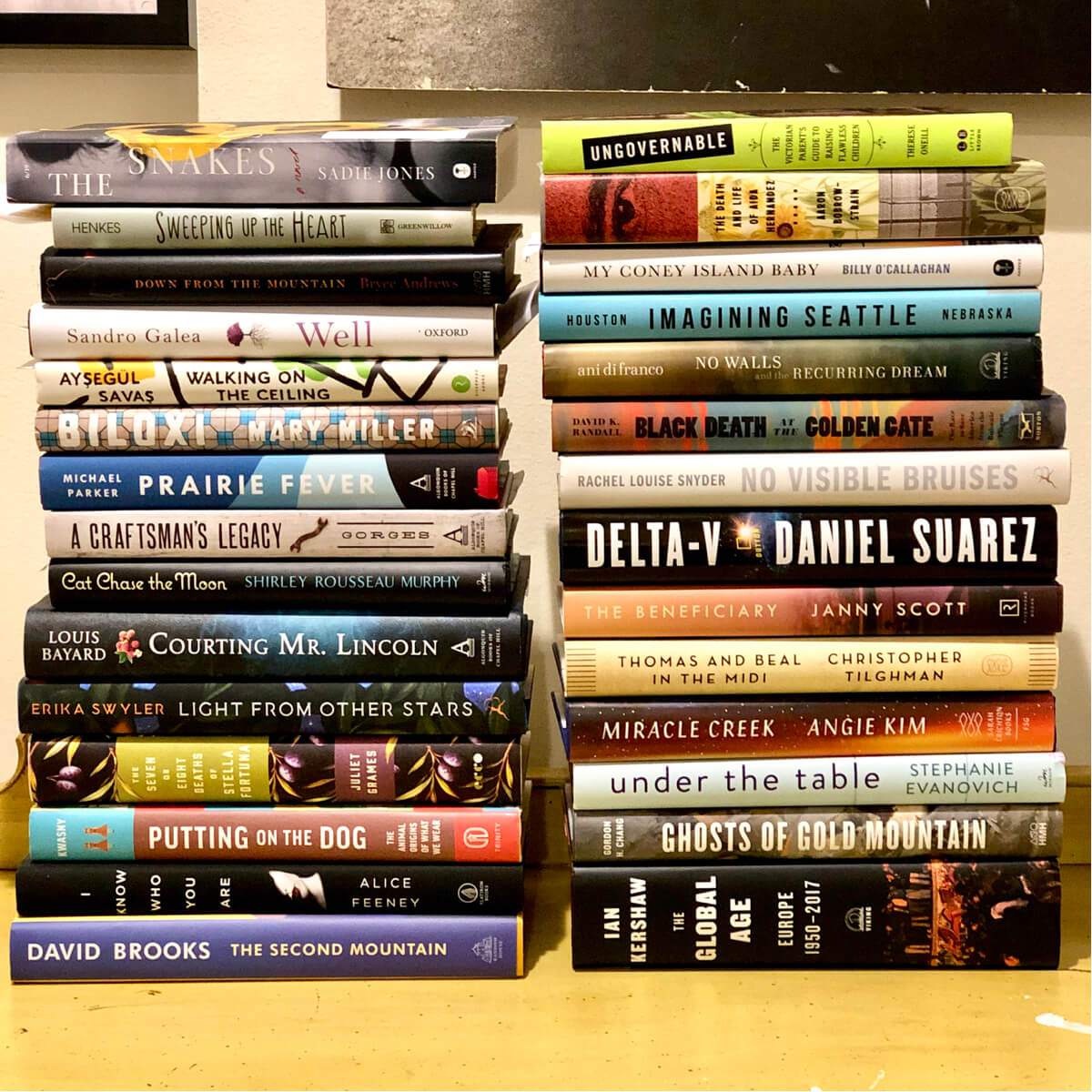
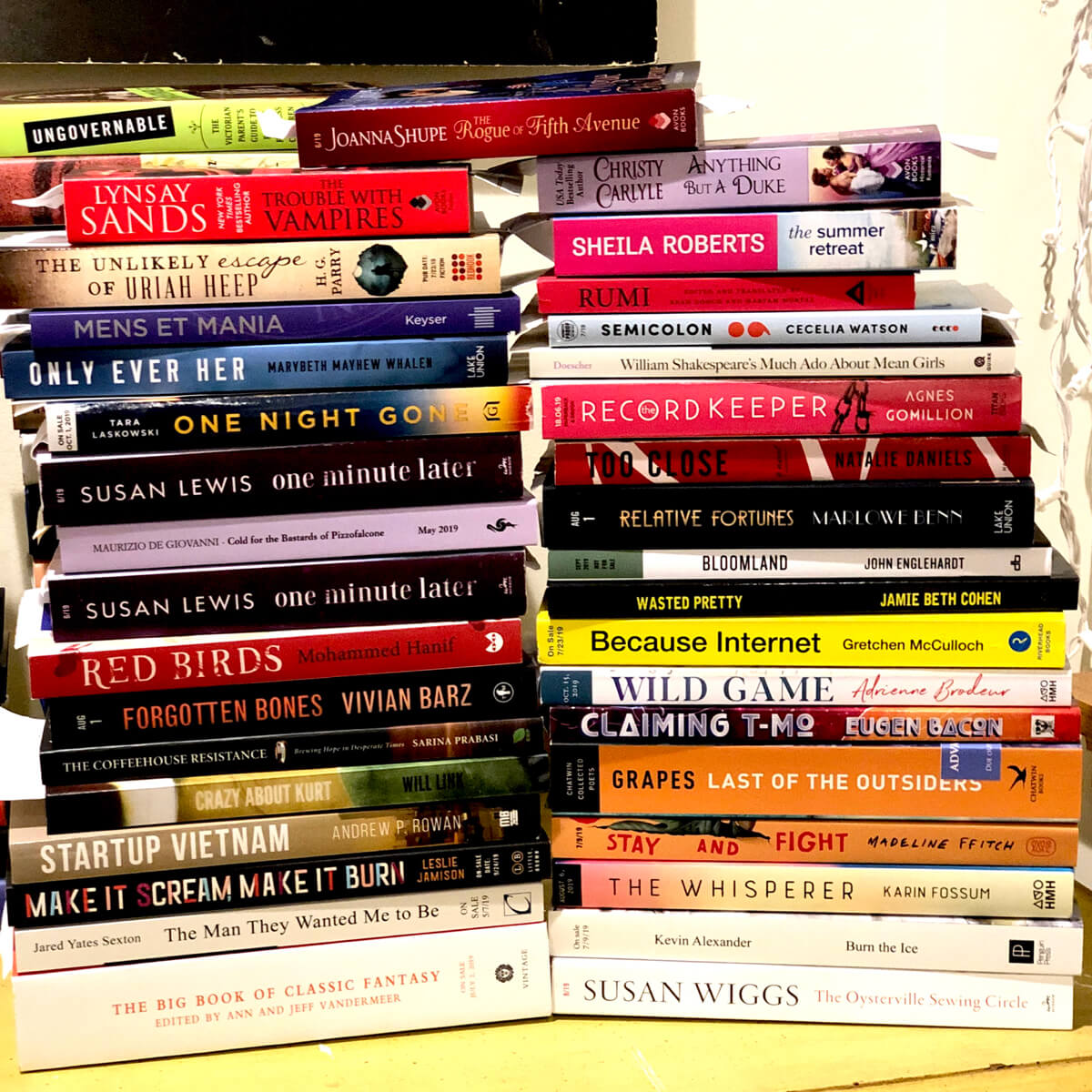
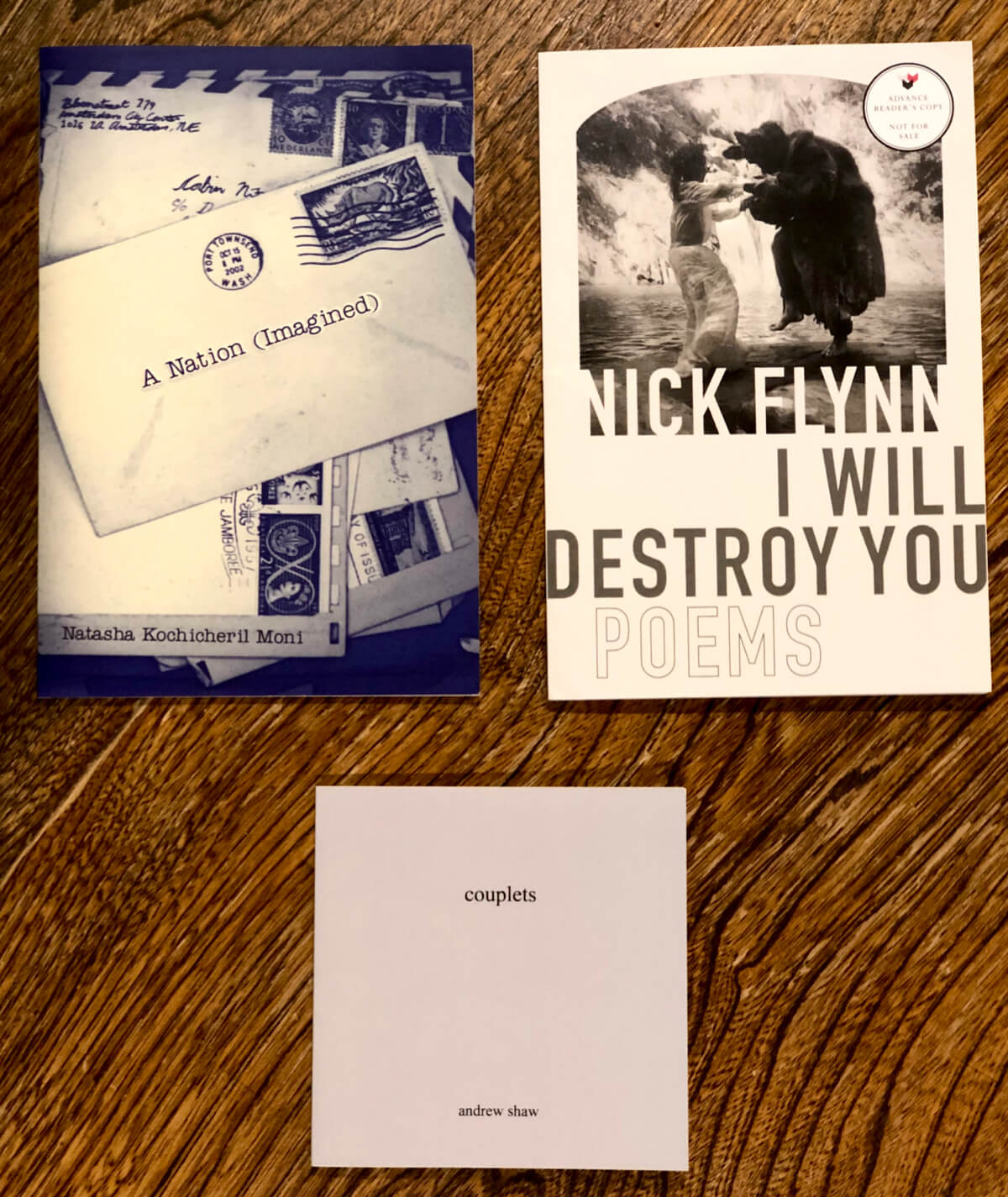
The Seattle Review of Books is currently accepting pitches for reviews. We’d love to hear from you — maybe on one of the books shown here, or another book you’re passionate about. Wondering what and how? Here’s what we’re looking for and how to pitch us.
The National Book Critics Circle needs your help
National Book Critics Circle president Laurie Hertzel published an open letter asking for literary critics and fans of literary criticism to donate to the NBCC:
Since 1974, the NBCC has offered two kinds of memberships—voting, and non-voting. Voting memberships ($50/year) are available exclusively to working critics and book review editors. Voting members have a say in choosing the John Leonard Prize for best first book, and in selecting candidates for the Ivan Sandrof Lifetime Achievement Award. They can nominate their own work for the Nona Balakian Citation for Excellence in Reviewing, which carries our only cash prize—$1,000. And they can, of course, attend the annual meeting, run for the board and get further involved in a multitude of ways. We have adjusted our requirements, and you can now join with just one published review.
I've never been a member of the NBCC, mostly due to my instinctual belief in the old "never join a club that would have you as a member" schtick. And if you really want to support literary criticism as a necessary part of the cultural conversation, I'd just encourage you to start reviewing books that you read as a regular practice.
But if you want to support literary criticism in newspaper journalism, supporting the NBCC would be a good thing to do. Simply subscribing to newspapers isn't enough anymore — book review sections of papers are the first to be cut, and book reviewers are seen as expendable in the newspaper business. So donating to the NBCC sends a very specific message to an audience that desperately cares where you're sending your money.
The primate remembers
Published April 17, 2019, at 12:00pm
The books we choose to take with us on vacation can change the way we think about our trips, ourselves, and everything we know.
The blue-collar novelist
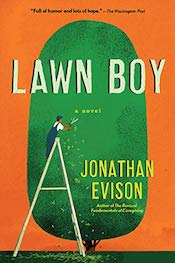
Last month, Jonathan Evison was on tour to celebrate the paperback release of his most recent novel, Lawn Boy. When Lawn Boy was first published, I praised the book on this site for its unapologetically blue-collar perspective. It's a novel that is unafraid to address class in Seattle, centering around a Bainbridge Island landscaper named Mike Muñoz who can barely hold his life together under the lingering threat of destitution.
Thanks to its raw class distinctions, Lawn Boy felt unique among all the novels I read last year. It was a book concerned with the same issues that your average American is most concerned about — mainly, work.
On the phone, Evison agrees with my assessment that Lawn Boy sticks out in the modern field of literary fiction. He says he's sick of reading a novel only to discover that "the whole conceit of the book will be structured around the seating arrangements of a fancy wedding in Cape Cod or something."
Evison continues, "I like reading books where people have real jobs." While blue-collar novels are scarce these days, Lawn Boy isn't the only example: Evison praises Northwest novelist Pete Fromm's latest book, A Job You Mostly Won't Know How to Do, about a carpenter whose wife becomes pregnant with their first child. "It was just so refreshing to read about a guy swinging a hammer and hanging some sheetrock," Evison gushed over Fromm's book. "People with real problems, you know?"
So why are books about ordinary Americans so hard to find? Why are so many novels about people of means? Evison says the "wealth disparity" in books on fiction shelves "speaks to the kind of people that are writing them. In order to break in to publishing, you'll have more of a chance if you're from some kind of money."
And reading has become a pastime for the privileged, too. "I think it's hard to get on the radar of working class people," Evison says. "I think populist fiction is kind of dead." But now that his book is in a more affordable format, "one of my hopes for the paperback is that it can reach a more egalitarian audience," he says.
Evison has worked more than his share of blue-collar jobs — including a stint as a landscaper — but now he's that rarest of beasts: a blue-collar novelist. He doesn't supplement his income with a tenured teaching gig at a prestigious university or a string of high-paid teaching gigs. Novels are his career.
So what's next? "I feel like I'm still learning, and that's the most exciting thing. I'm writing two books right now that I feel are the best things I've ever done." His latest novel is an epic story from multiple perspectives that evokes his earlier Pacific Northwest dynasty novel West of Here. "So much of the book I'm writing now makes me feel like West of Here was on training wheels."
Evison explains, "I've developed so many more tools" to help capture a huge story with an enormous cast. "Now I feel like I've got enough experience. It's kind of like an older ball player where the game slows down and can kind of see it unfolding and they can anticipate better." When you approach writing as a craft — a job that you need in order to survive — you learn how to improve your art without losing touch with the reasons why you're writing in the first place. It's a lesson that most of the the publishing industry could stand to learn.
Book News Roundup: Never go full Franzen
Shelf Awareness is hiring a publishing assistant to help coordinate review copies, produce the email newsletter, and other administrative tasks. If you'd like to work in the publishing industry, here's your chance.
The Establishment shut down yesterday. The intersectional feminist publication co-founded, in part, by Seattle writer Ijeoma Oluo, was drawing over a million readers a month, but it couldn't monetize those readers.
Let me repeat: publishers can't turn a million readers a month into any kind of sustainable business model. The internet is deeply broken.
You have already heard that yesterday, the Pulitzer Prize for fiction was awarded to Richard Powers for his novel The Overstory. Powers is a great, very smart novelist and The Overstory is a very good book. But I do wish that Tommy Orange's novel, There There, had been named the winner of the Pulitzer rather than the runner-up. Powers is in no need of a higher profile, and bestowing the Pulitzer to a debut novelist would have been a powerful statement. Still, the other literary awards — particularly Frederick Douglass: Prophet of Freedom and The New Negro: The Life of Alain Locke — seem very on-point. And it's good to see a book from Milkweed Editions on the runner-up list for the Pulitzer for Poetry — Milkweed is consistently one of the best publishers in the US, and they deserve greater attention.
Sci-fi writer Gene Wolfe died yesterday. Cory Doctorow wrote a brief but loving tribute at BoingBoing.
Did you see Ian McEwan's Guardian interview? Seems the poor fellow Franzened all over himself by blabbing about things he doesn't understand:
There could be an opening of a mental space for novelists to explore this future, not in terms of travelling at 10 times the speed of light in anti-gravity boots, but in actually looking at the human dilemmas of being close up to something that you know to be artificial but which thinks like you. If a machine seems like a human or you can’t tell the difference, then you’d jolly well better start thinking about whether it has responsibilities and rights and all the rest.
- Why is it that when so-called serious white men deign to pay attention to a genre, they have to act like they've discovered it?
But who will review the reviewer?
Published April 16, 2019, at 12:00
Turnabout is fair play: Paul Constant has been reviewing books and comics in this town for many, many years. It's time we let people he's reviewed take a crack at his new comic, Planet of the Nerds
A NIGHTSHIFT CAN SEND A KEYCHANGE INTO OVERDRIVE
This is how it happened: associatively and with feeling. In the trees, I crouched, adhering, quick. There was a bucket, so I kicked it, took a wicked licking at stopgap. My stance steadlong and headfast, I was asked to leave — make my takeaway and say hell no to the hedge. They never forgave the broken plate I refused. No longer their baby, from then on I was B. Somewhere, anywhere else. No risk for the watered, no wear for the warned. Instead of listening, I lessened and lessened, then nothing was left. Nothing to identify or inside me out. Just a bright and liquid surface with no edge — infinity pool tricked out with a system of interlocking sparks. What we tuck away we plug away at in the dark. The clock strikes none, the glass won’t run, interior bonded, bronzed.
Planet of the Nerds is here this week!
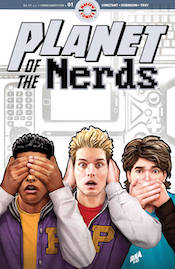
Sponsor Ahoy Comics is back to promote our very own Paul Constant's comic debut: Planet of the Nerds. It's a big, fun premise sitting on one of the most beloved tropes of the 80s: jocks are picking on nerds. One jock, in particular, has it out for one big nerd.
Find out what happens this week in the debut issue, and then subsequently each month as the jocks are cryogenically frozen, and transported into today's world, where (sacre bleu!) the nerds are in charge. Read four pages from the first issue on our sponsor's page.
(Because Paul is co-founder of the site, we've also included a disclosure about conflict of interest, there, too.)
When you sponsor us, you put your book, event, or residency in front of our readership of book lovers and industry professionals. And you're helping keep Seattle's amazing community of writers, reviewers, and readers vibrant. Want to join us? Check out rates and dates at www.seattlereviewofbooks.com/sponsor/.
Your Week in Readings: The best literary events from April 15th - April 21st
Monday, April 15: The Deepest Roots Reading
Local writer Kathleen Alcalá's The Deepest Roots: Finding Food and Community on a Pacific Northwest Island examines food at the hyperlocal level, using food as a way to explore the region's history, culture, and landscape. University Book Store, 4326 University Way N.E., 634-3400, http://www2.bookstore.washington.edu/, 6 pm, free.
Tuesday, April 16: Go Ahead in the Rain Reading
Hanif Abdurraqib's book about A Tribe Called Quest has one of the most striking covers I've seen in a good long while. It also, based on the response the book has been getting online, is a very, very good piece of music writing. Elliott Bay Book Company, 1521 10th Ave, 624-6600, http://elliottbaybook.com, 7 pm, free.
Wednesday, April 17: WordsWest
Ilya Kaminsky is a celebrated poet whose next book about his experiences with hearing disabilities, Deaf Republic, will be out soon. Mark Doty is the kind of poet that other poets swoon over. He writes deep and raw poems about his own life that inspire jealousy in all but the best poets. Together, they will read poems at West Seattle's best reading series. C&P Coffee Co., 5612 California Ave SW, http://wordswestliterary.weebly.com, 7 pm, free.
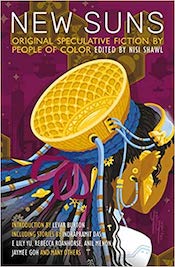
Thursday, April 18: New Suns Reading
Our own sci-fi columnist, Nisi Shawl, has edited a new anthology titled New Suns: Original Speculative Fiction by People of Color. It features work by writers including Seattle-area genius E Lily Yu, along with Indrapramit Das, Rebecca Roanhorse, and Jaymee Goh. The book also features an introduction by...maybe you should sit down for this...Levar freakin' Burton!
University Book Store, 4326 University Way N.E., 634-3400, http://www2.bookstore.washington.edu/, 7 pm, free.
Friday, April 19 and Sunday, April 21st: Bibliophilia
See our Event of the Week column for more details. Hugo House, 1634 11th Avenue, 322-7030, http://hugohouse.org, various times.
Saturday, April 20: Bushwick Book Club: The Parable of the Talents.
The local organization of local musicians, which translates books into original songs, takes on one of Octavia Butler's very best books. Guest-curator DJ Riz Rollins selected musicians for the evening, including JR Rhodes, Om Johari, Tiffany Wilson, Okanomodé, Reggie Garrett, and Nikkita Oliver. This one is going to be special. Langston Hughes Performing Arts Institute, 104 17th Ave S. https://www.langstonseattle.org/, 7 pm, free.
Literary Event of the Week: Bibliophilia Storytelling Festival at Hugo House
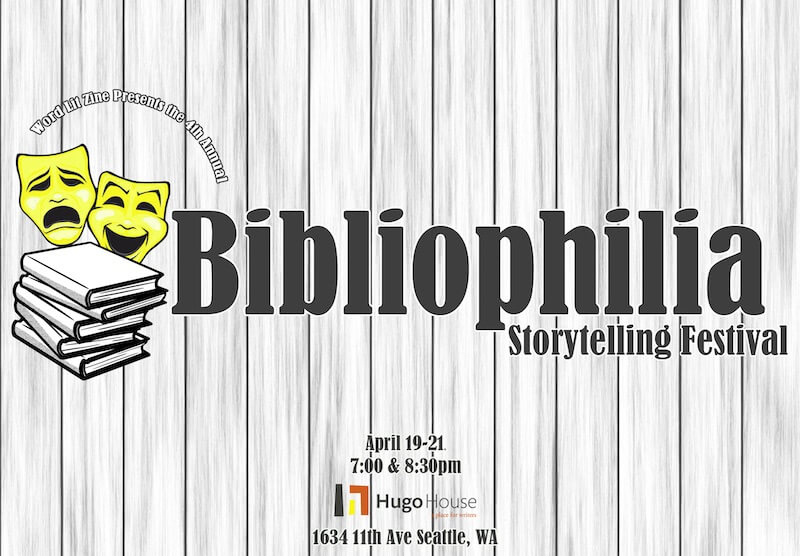
The fourth annual Bibliophilia Storytelling Festival is the rare literary festival you can attend from beginning to end. It only stretches over three days, and it all takes place at Hugo House. It's a presentation of Word Lit Zine, the magazine produced by Seattle storytelling dynamo Jekeva Phillips, and it incorporates multiple media into the fun. Events include:
-
Beginning, Middle, and End, a story told in prose, theater, and poetry, featuring Seattle Review of Books reviewer Donna Miscolta.
-
An improv show in which audience members suggest classics of literature, which performers will then adapt onstage.
-
A performance piece in which actors will create a show based on an audience member's life story.
-
A live collaboration between actors and Hugo House poet in residence Amber Flame.
-
A big old game show/variety show hybrid that caps off the whole festival.
I often hear authors complain that the reading format has grown stale, that nobody wants to see someone stand onstage and read a wall of text to a crowd. They're wrong, of course; people still love to attend readings. But it's fun to get some creative people into a room and reimagine ways in which literature can interact with other arts, too. When you experiment with two potent forms like literature and theater, you're likely to invent something interesting along the way.
Hugo House, 1634 11th Avenue, 322-7030, http://hugohouse.org, April 19th - 21st.
The Sunday Post for April 14, 2019
Each week, the Sunday Post highlights a few articles we enjoyed this week, good for consumption over a cup of coffee (or tea, if that's your pleasure). Settle in for a while; we saved you a seat. You can also look through the archives.
The American Worth Ethic
How does Rain City become Tent City? In part, says Bryce Covert, through an American ideology that links wealth to virtue, poverty to indolence, and assigns benefits accordingly. Fortunately we now have a Commander in Chief who is visible evidence that money and power are an outcome of ingrained prejudice and privilege. And cheating at golf.
Our country has a history of only offering public benefits to the poor either deemed worthy through their work or exempt through old age or disability ... Largesse for the rich, on the other hand, has rarely included such tests. No one has been made to pee in a cup for tax breaks on their mortgages, which cost as much as the food stamp program but overwhelmingly benefit families that earn more than $100,000. No one has had to prove a certain number of work hours to get a lower tax rate on investment income or an inheritance. They get that discount on their money without having to do any work at all.
The Death of an Adjunct
Thea Hunter worked hard — very hard — but unfortunately didn't know how to cheat at golf (see above), so did not benefit from the job opportunities and health insurance that accrue to those who do. Adam Harris explains how an injustice-weakened academic system took her from a "pioneering" researcher, with a world of opportunity, to the hospital bed where she died.
Had she been tenured, she would have experienced a sort of security that tenure is designed to provide: a campus office of her own, health insurance, authority and respect with which to navigate campus bureaucracy, greater financial stability. Without tenure, she was unprotected, at the whim of her body’s failings, working long hours for little pay, teaching large survey classes outside of her area of special expertise. As Terry McGlynn, a biology professor at California State University at Dominguez Hills, wrote in The Chronicle of Higher Education, “Full professors benefit from the exploitation of non-tenure-track instructors.” Adjuncts often do the work that other professors don’t want.
Behind the Process of Helvetica's 21st Century Facelift
So delightful that someone like Charles Nix, who led the recent Helvetica redesign, exists — to care so deeply and unreservedly about smoothing out the ragged edges of the world we read through.
There are moments in your life when you suddenly understand the concept of joy. I don’t mean to be overly dramatic about it, but the first proof that we pulled off Helvetica Now micro was one of those moments of my life. Like “Oh my god, the theory is true.” Every hypothesis we had about how a micro type could be made more legible, how it could preserve the impression of Helvetica, it played out.
And I just remember reading 3pt and 4pt type and thinking it’s a marvel because Helvetica always died at 6pt for me. It died at 7pt or 8pt because of the closed apertures, because of the cramped forms and tight spacing. Having it suddenly be incredibly legible at 3pt is one of those moments where the skies open up and the angels sing.
Instead of shaking all over, I read the newspapers.
Colm Tóibín writes with great eloquence about Colm Tóibín's balls. (Also an eloquent account of being surprised by cancer, told with dry wit that does not at all obscure the misery and terror of the experience.)
In those ten minutes, as the pain became so intense that I actually believed I was going to have a baby, I imagined appealing to the pope to let me through. I would apologise for all the rude things I have said about him. I would take back the assertion that he doesn’t mean a word he says. I would withdraw my view that at least we knew where we were with the previous two. With Bergoglio, no one knows where they are. I would tell him that I was sorry I had said this and would promise to be even more emphatically and eternally sorry if he let me through. This kept me busy as the throbbing pain became more and more unbearable. Finally, the nurse called back and told me to get the oral morphine I had used before. She told me exactly how much I could take. If the pain was still there in an hour, she said, I was to call back.
The key to glorifying a questionable diet? Be a tech bro and call it ‘biohacking.’
We've watched tech worship change our city, gut our nonprofits, and clutter our streets with construction and a plague of mid-lane Uber parkers. Now Jack Dorsey and his ilk are disrupting dysfunctional eating? Here's to a world that responds to this the way it should — with an eye roll and a Twitter log-off.
It’s both thought-provoking and aggravating to think about how tech bros have managed to hijack the whole dieting concept. To move from “you’ll never guess how many calories are in just one of these,” to “the experience I had was when I was fasting for much longer, how time really slowed down,” as Dorsey said in his interview.
One wants to grab him by the hoodie strings and bellow, “that’s not mental clarity, my good man — that’s starvation.”
Whatcha Reading, Clare Johnson?
Every week we ask an interesting figure what they're digging into. Have ideas who we should reach out to? Let it fly: info@seattlereviewofbooks.com. Want to read more? Check out the archives.
Clare Johnson is a Seattle-based (and Seattle native!) visual artist and writer. Her writing has appeared in Poetry Northwest, Shake the Tree, and Raven Chronicles. And, of course, we feature selections from her long-term auttobiographical Post-It Note Project each week on our Instagram (there's always lots more to see on her Instagram). She has a few posters of the project available — contact her through her website for details.
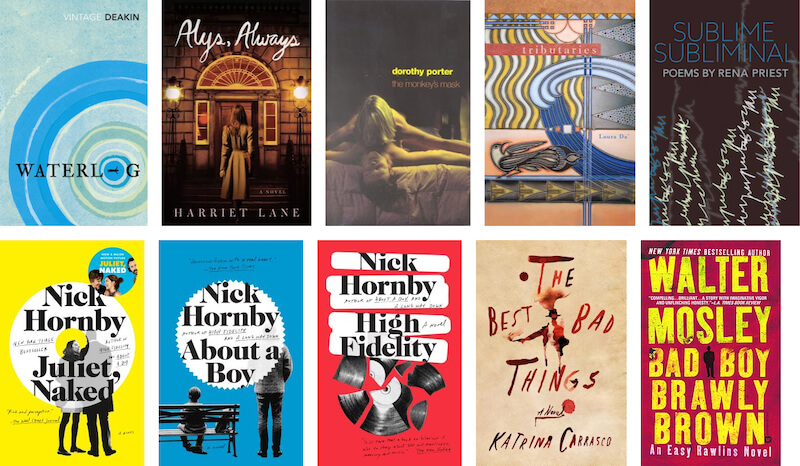
What are you reading now?
Answering this publicly brings up some real insecurity, a quick gulp of seriously, what AM I reading??? Seeing other writers’ answers is always a little intimidating; before agreeing to the column I had to do some mental checks about whether I could answer truthfully and still maintain any semblance of dignity. Upon consulting my conscience, I decided to be bold and disclose I’m currently reading Waterlog, by Roger Deakin. A close friend sent it as a surprise random February gift, recognizing it as a weirdly perfect fit....an observation so astute that my ex-wife had also given it to me over a decade ago, back when we were together in England and I was longing for places to swim outdoors. My reading habits are fickle and slow, confusing to even myself, so despite agreeing that this book seemed written exactly for me, I also had still never gotten around to reading it. The sweetness of my friend’s gesture made it newly urgent and special, so I started the newer copy. Big surprise, if you are me, this book about swimming in the British Isles is ABSOLUTELY PERFECTLY DELIGHTFUL. The author travels all around the UK, and just, you know, goes swimming everywhere. And talks about it A LOT. Being immersed in his nerdy enjoyment of each swim’s specifics is the perfect antidote to living in the season where I can’t swim outside every day. It’s dense with water-centric British vocabulary, validating the now-invisible part of me that became an adult there, with Deakin wandering in a strangely natural way into fascinating quirks of history, place, politics, community and lost landscapes, even mystery (what happened to all the baths in Bath...?). I cannot get enough of this.
What did you read last?
A mixture of books, but not in a glamorous “I’m such a good reader” way—more in a haphazard, “I don’t have a good reading routine set up in my normal life” way. Despite loving reading, I’m pretty slow to finish books. Reading at bedtime is hard on my insomnia, and I’m still working on treating reading during the day as a valid part of my work, rather than a crazy indulgence. I am also DEEPLY COMPELLED to re-read everything, further slowing my progress on new stuff; I recently re-read Alys, Always, the first novel by (my former student!) Harriet Lane. I can’t get over how real her prose feels—descriptions of characters, feelings, and especially the North London setting are all shockingly spot-on, like her words found a silent part of me, perceptive and concise in that clever “yes! exactly!” way, yet sneakily unlabored-feeling. She also pulls off a masterfully subtle character twist that floors me every time. Mixed in there I also read Instruments of the True Measure by Laura Da’, a little late (I bought it at her BREATHTAKING book launch last November) but uncharacteristically fast—collected, her poems make arresting page-turners. Like a series of perfectly executed moments opening clear-eyed cracks in the brutal vastness of erased histories, delicately, determinedly, isolated but also gathering unspeakable heft. I already want to re-read it back-to-back with her first book, Tributaries. I also just finished The Best Bad Things by Katrina Carrasco; my parents gave it to me for Christmas with a tag saying “Can’t remember what this is exactly, maybe you asked for it or know why we’re giving it to you?” I had no prior knowledge of this book, but guys, my parents know me well. Inspecting its jacket, their reasoning was instantly clear to everyone. This novel is like Deadwood meets 1880s Port Townsend....but starring an unstoppable queer biracial gender non-binary Pinkerton Agency Women’s Bureau former detective!!!! ALSO SUCH RUTHLESS WOMEN. Not a feel-good read exactly, and definitely not for the faint of heart—every chapter could be titled More Injuries For The Main Character. That said, someone please make a movie of this ASAP.
What are you reading next?
Well apparently I need to figure that out. Sublime Subliminal by Rena Priest has been waiting patiently in my stack of please-pay-attention-to-me-NOW books on my bedroom floor. Reading with her at Lit Crawl was such an honor—her poetry feels uniquely friendly and fierce, cunningly playful and also urgently serious. In a confusing juxtaposition, Nick Hornby’s Juliet, Naked is also in that stack, and may win because I impulsively borrowed it from someone who probably didn’t realize how long it takes me to get my act together, reading-wise. I was staring at their bookshelf all through a game night, noting a serious Nick Hornby section—including two copies of this (maybe I’m embarking on a project of only reading books people own two copies of?). I got curious to see how I feel about Hornby as a grown-up. It sounded fun—I have memories of laughing out loud reading About a Boy in my freshman dorm room — but now I also recall an itchy sadness — and just overhearing the movie version of High Fidelity a few months ago made me unspeakably grouchy. Now I’m nervous the generous book owner could be reading; don’t worry, I do always return everything! At the same time, lately I’ve caught myself longing to re-read (for the 5th time?) The Monkey’s Mask by Dorothy Porter. It’s billed as “an erotic murder mystery” but key to know is the hard-boiled ex-cop-turned-private-eye is a dyke, and the whole thing is Written. In. Verse. Some of my favorite poetry ever. It’s also past time for another Easy Rawlins mystery by Walter Mosley; life is better when I read at least two a year, and Bad Boy Brawly Brown is up next. If you haven’t read this series STOP EVERYTHING AND GO DO IT. Flawless plotting and atmosphere, jaw-dropping sentences, a joy to read and yet also leanly un-frivolous, interweaving the worthy ugly questions of our flawed country into every piece. I mean, but this is all just my opinion. It’s ok if you don’t like what I like.
The Help Desk: "Funny" books are not
Every Friday, Cienna Madrid offers solutions to life’s most vexing literary problems. Do you need a book recommendation to send your worst cousin on her birthday? Is it okay to read erotica on public transit? Cienna can help. Send your questions to advice@seattlereviewofbooks.com.
Dear Cienna,
What's the one thing that will ensure that you never buy a book when you see it on the new releases table at your bookstore?
Deborah,
Capitol Hill
Dear Deborah,
How kind of you to ask. I love discussing my pet peeves as much as Beatrix, my exceptionally gifted daughter-gator, loves playing "Got Your Nose!" with kittens.
Pet peeve no. 1: I won't buy books with jacket blurbs that compare the author to a more famous author that I like — I'm routinely disappointed by the comparison and I think it's a lazy shortcut to get people interested in a book. Pitch the book on its strengths, not someone else's!
Pet peeve no. 2: I would rather let ravens pluck out my eyes than read a book that is classified as "humor" or shelved in the "Humor" section of a bookstore, which some stores have. Calling humor a genre is like calling the sun a chandelier: stupid. It's not a genre and the books that are typically shelved there are about as funny as watching Beatrix try to give a kitten back its nose.
Kisses,
Cienna
Portrait Gallery: The Sound and the Glory
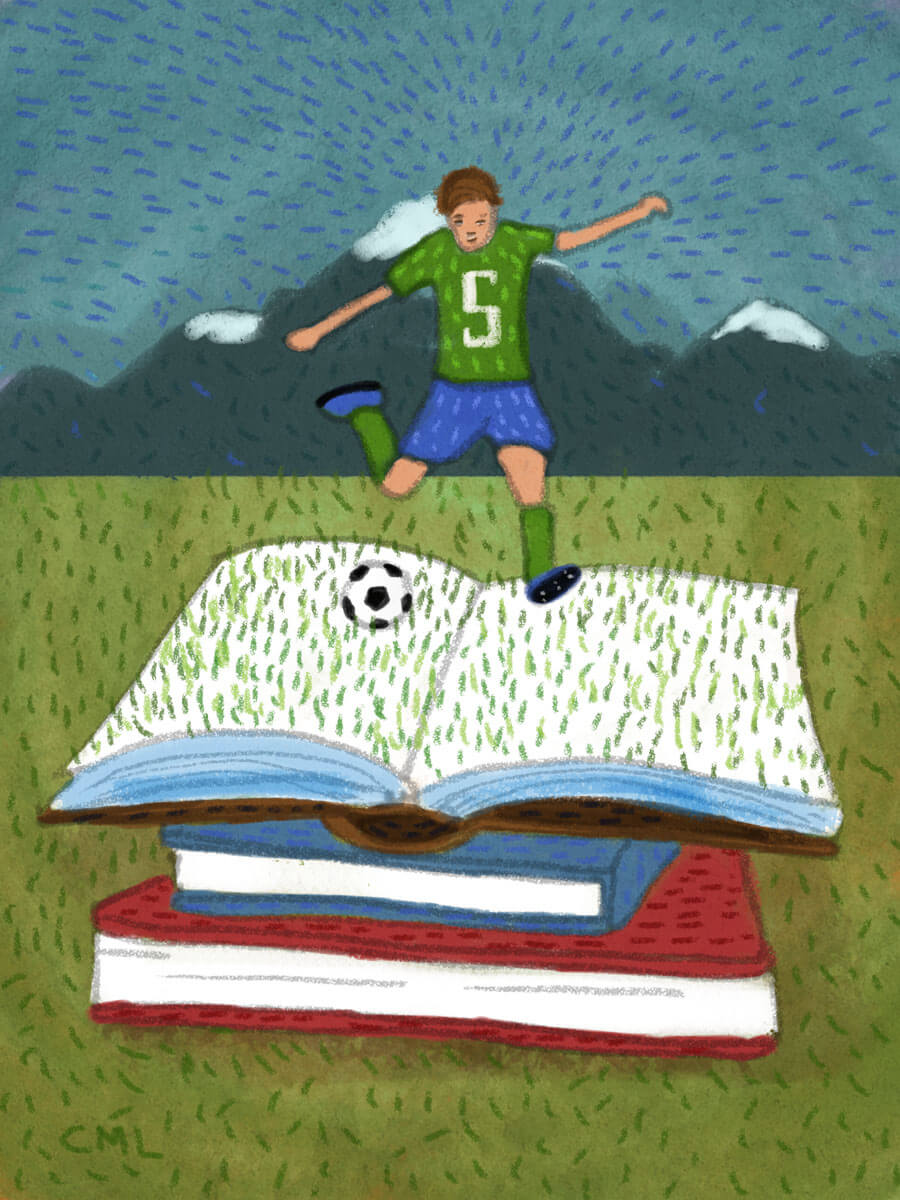
Matt Pentz is a local sportswriter. The Sound and the Glory: How the Seattle Sounders Showed Major League Soccer How to Win Over America is a book about our soccer team, which has been an example for other American soccer teams. He'll be reading Thursday, April 11 at Third Place Books Ravenna, 6504 20th Ave NE, 525-2347 http://thirdplacebooks.com, 7 pm, free.
Shields up
Published April 11, 2019, at 12:00pm
Is it fair that David Shields has become Ivan Schneider's beat? He used to talk about Cervantes, but now he needs to remind us of that time we neglected him. Sorry, Ivan! Anyway, here is Ivan looking at Shields book about Trump, which isn't even his latest.
Thursday Comics Hangover: Politics as character development
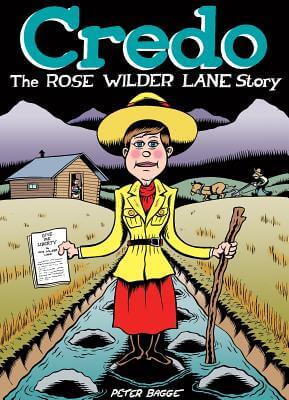
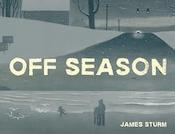
A couple weeks ago, I interviewed Tacoma cartoonist Peter Bagge and former Seattle cartoonist James Sturmp onstage at Elliott Bay Book Company. Bagge was in town to promote his third in a series of biographies of notable American women from the late 19th and early 20th century, Credo: The Rose Wilder Lane Story, and Sturm was here to talk about Off Season, a fictional account of a relationship falling apart against the backdrop of the 2016 election.
As a frequent moderator of multi-author discussions, I try to find a tie between the books and authors, but finding a thread between these two books is pretty tough. One is fiction, the other is non-fiction. One is heavily researched, the other began as a series of formal experiments. One is deeply funny, the other feels like a tragedy.
But eventually, I did find my tie. Both books employe politics as a kind of ambient soundtrack in the background of the stories, and politics plays a very important role in the lead characters' inner life.
In Off Season, the protagonist — an angry and alienated man — becomes more and more attracted to Trump as his chances for reconciliation dwindle. He looks back fondly on the days when he and his significant other were both Bernie supporters; now the divide between them is huge and widening. The closer he gets to Trump, the more we despair for him.
And in Credo, Lane's lifelong struggle in what was likely an undiagnosed case of manic depression or bipolar disorder includes politics when it flares up. Lane became a noteworthy libertarian who wanted the government to leave her alone, and the more political she gets in Credo, the more lucid she becomes.
The choice to employ politics as a background buzz in a comic might offend a few purity-obsessed true believers, but it really makes a special kind of sense. So much of what we say and who we are is now tied up in our politics, after all, that it's become an identifier of everything about us. Tell me how you voted in 2016 and 2018 and I'll likely be able to tell you where you shop for groceries and how you feel about religion. Why wouldn't' a writer want to include that information in story?
The risk, of course, is that Credo and Off Season run the risk of scaring off half the potential audience. It's possible that right-wingers might be offended by the portrayal of a Trump supporter, or that left-wing audiences might be turned off by Lane's libertarianism.
But honestly, I don't think so. Just as in politics, it's lunacy for cartoonists to aim broadly for an audience of "everyone." The audiences Sturm and Bagge want to reach with these books are likely the same audiences they always reach: thoughtful people who trust great artists and are eager to examine the ideas those artists want to explore. That audience is going to love the everliving fuck out of these two books.
Meet the Seattle area's newest publisher, Silent Academy
Even in a region as literate as the greater Seattle area, new publishers don't pop up every day. So when I heard about a new small press called The Silent Academy launching out of Port Townsend this summer, I had to investigate further. What kind of person, in the year 2019, is launching a publisher of poetry and experimental literary works?
It turns out that Andrew Shaw, Silent Academy's publisher, doesn't sound like a fool or a wide-eyed innocent. Instead, he's a globe-trotting former radio and print journalist who has been publishing poetry for most of his adult life.
But as Shaw watched journalism turn into an online-native endeavor, and as his role changed "from a freelancer to staff writer and an editor and then a director of content," he saw the importance of writing take a back seat. Journalism, he says, "become less to do with what I'm in love with and everything to do with selling advertising units or securing revenue streams, and that's the fastest way to kill any kind of art."
"So I quit my job," Shaw says, matter-of-factly. "I concentrated on doing some writing of my own and I was speaking with a friend — writer/artist/musician and inventor Bill Drummond, who has the most fascinating Wikipedia page on Wikipedia." Shaw told Drummond that he was feeling burnt out and lost and Drummond replied, "just do what you do, but do it for yourself."
Shaw had made the move to Port Townsend about four years before, after he and his wife fell in love with the region. "I don't want to be anywhere else now," he says. But is Port Townsend, which is also home to the amazing Copper Canyon Press, big enough for two poetry publishers? "Yeah, definitely," Shaw says, without missing a beat. He's a fan of what Copper Canyon does. "They remind me of Sub Pop — they're small, but they're huge. The Pacific Northwest does seem to nurture and sustain the niche," and Shaw believes that The Silent Academy will find its own niche just fine.
Shaw says Silent Academy's mission statement "changes every day depending on who asks." But if you press him for a moment, he elaborates: "I like the idea that what we want to give people things that they've not seen before, but also provide a home to writers and artists with the freedom to make mistakes and to not necessarily worry about a template of what previous success may have looked like."
"We want to show the accessibility of poetry rather than have it seen as something beyond the normal," Shaw says. This summer, he'll publish Silent Academy's first collection, as well as the first wave of an ongoing series of pamphlets. He plans on publishing just a couple books a year to start, along with three pamphlets every quarter.
Silent Academy is unabashedly analog: "Everything's going to be physical," Shaw says. Ask him what book he wishes Silent Academy had published and he gives two very different answers: first, he's a fan of the "surprising" nature of John Lennon's "A Spaniard in the Works and Garcia Lorca's Sonnets of Dark Love, which he says is "exquisite beyond measure."
Ultimately, Shaw believes his art is about planting a flag in the ground and making a statement. "I like the idea of presenting something, rather than actually having a straight debate. So, you know, if you are against tyranny, don't fight tyranny — make something beautiful." As a publisher, Shaw says, he wants to make something "that's counter to the hideousness of what's currently going on. To have joy is an act of resistance."
"That's our mission statement for right now," he laughs.
Born in chaos

According to biographical materials supplied with her first poetry collection Give a Girl Chaos {see what she can do], Heidi Seaborn had a whole life as a traveling executive before she returned to poetry, in the form of a Hugo House class, just a couple years ago. After years of not writing anything of literary merit, the poems seemed to pour out of her.
Chaos is a collection that feels like a memoir. Most of the poems are built around a single moment — a swarm of butterflies surrounding Seaborn, say, who "flirted/with eyelashes/fingers/then flew to Mexico" and set squarely in a very specific place. These are shards of memories from a long and adventurous life.
Seaborn floats in the Dead Sea and stands in line for bad food in East Germany and travels by motorbike through Nepals. In between each poem, it's easy to picture a plane towing a thick red line from city to city across a giant globe, Indiana Jones-style. Part of the joy of flipping pages through Chaos is looking around to see where she's taken the reader now.
Seaborn has a poet's eye; she can find something remarkable in any given moment. You get the sense that even had she stayed in Seattle for her whole life — even if she never left city limits — she would have a book of intense personal poems to share with the reader, and they would be just as fascinating as this travel-heavy volume.
The language here is vibrant and, often, unforgettable. One poem begins with one of the briefest summations of childbirth I've ever read — but one that is as evocative as any I've ever read, too: "—awful scream/& I was done/& it was human." Later in the poem, she sees her baby with his "eyes open/flash of fish under water." The primal visions of childbirth, of making something from nothing, has rarely felt so vivid in so few lines.
It's perhaps a bit obvious to say about a book of poetry from an author who has only been writing for two years or so, but some of Seaborn's writing could use a little refinement. She refers to "playing opossum" in an early poem, for example, which is a cliched arrangement that lacks freshness. A poem about the ocean includes "scuttling" crabs and "the sea claim[ing] its birthright" and several other exhausted words and phrases. Poetry should never lean on those same words that everyone else relies upon for daily use; the whole point of a poem is to give us new toys to break and burn. In Seaborn's enthusiasm to finally land these poems on the page, she allows a few easily dodged cliches to slip through, and the book is the worse for it.
But these are not deal-breakers; Seaborn's poems take us places and expose us to thoughts we've never quite seen in a poem before. She gives us an argument that materializes in the form of gypsy moths:
Their dusty wings powder my hair
before drawing to the light.
Burning bright, singeing wings.
Who hasn't expressed themselves with hateful words that explode into dust and leave trails of fire across the sky? These are the words that hurt, from before they're spoken until well after they've stopped reverberating in the air. This is the power that Seaborn has — an eagerness to reveal new ways to see a world that feels as ancient as language itself. We're glad that she's, finally, arrived.
IT GOES WITHOUT SAYING
(Side-scroll to see full lines)
Little birds that can sing and won’t sing should be made to
sing.
Abroad
one has a hundred
eyes. At
home not one.
There is a witness everywhere.
Keep
your
purse and
your
mouth close.
Words and feathers the wind carries away.
What
cannot be cured must be endured.
One must howl with the wolves.
When
the heart is
full the
tongue will speak.
Little birds that can sing and won’t sing should be at home
Little
birds that can sing and your mouth close.
Keep your purse and a witness close.
Keep
your words and feathers and your mouth be endured.
Keep birds abroad and feathers at home.
At
home not
one feather will sing.
At
home the
wind has a hundred eyes.
There
is a witness
abroad the
wind at home.
Keep your wolves and your cannot close.
Wolves
should
howl must
be made to sing feathers.
Should your feathers
close the
wolves will speak.
Little
wolves that can speak witness everywhere.
Little wolves that can bird and won’t bird should be made to
bird.
Little
birds that can sing should be
made wolves.
Little birds that can howl the wind carries away.
Words
and birds the wind can sing.
Words and birds and your mouth close.
One
must close when the heart is full.
One cannot sing with a mouth close.
One
must
howl one
must sing.
Keep your must and be made to should.
Keep
your
must the
heart will speak.
Abroad one has a hundred
eyes at
home words and feathers.
Abroad
one has a hundred
eyes words
cannot be cured.
One cannot speak with a mouth full of feathers.
One
cannot speak with a mouth that can sing.
Feathers cannot be made to sing.
Feathers
cannot tongue the heart.
Keep your heart and your eyes close.
Keep
your words and your witness everywhere.
Little birds that can sing the wind carries away.
What
cannot be feathers should sing and must howl.
What cannot be feathers must be little wolves.
Words
and feathers must be endured.
Little won’t has a hundred words and should be made to must.
Won’t
sing a hundred
words and
should not one.
Won’t is a witness everywhere.
Won’t
cannot howl with the wolves.
Keep your won’t and your should close.
When
the heart won’t the tongue and purse will.
When the heart won’t the words and feathers should.
Won’t
is at
home abroad
one is made to.
Won’t your mouth close and your wolves full.
There
is a full mouth everywhere.
Won’t speak of
little
wolves.
Little
birds that can witness and won’t witness should be made to
witness.
There is a full
purse and
a tongue is your witness.
Words
and feathers tongue the witness.
Keep your tongue and your mouth has a hundred eyes.
Keep
your hundred eyes with the
wolves and
howl.
Wolves and feathers the wind carries away.
Witness
your everywhere and keep wolves close.
Keep your mouth full of little birds.
Little
birds when
the heart is full will speak.
When the howl is
full the
mouth will close.
When
the mouth is close no howl carries.
Your Week in Readings: The best literary events from April 8th - April 15th
Monday, April 8: The A List Reading
Seattle mystery author JA Jance is very likely the biggest-name novelist in Seattle right now. Today, she comes to town with one of her Arizona-set books, about revenge and a dead friend and an evil doctor. Third Place Books Lake Forest Park, 17171 Bothell Way NE, 366-3333, http://thirdplacebooks.com, 7 pm, free.
Tuesday, April 9: The Future of Humanity Reading
Wildly popular science writer Michio Kaku is back on the book-writing game. Tonight he'll be reading from The Future of Humanity: Terraforming Mars, Interstellar Travel, Immortality, and Our Destiny Beyond Earth. It's supposedly a more optimistic view of the future than the one you've had in your head for at least the last three years. Seattle First Baptist Church, 1111 Harvard Ave, 652-4255, http://townhallseattle.org, 7:30 pm, $5.
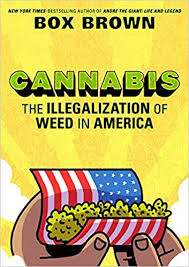
Wednesday, April 10: Cannabis Reading
Cartoonist Box Brown's latest book, Cannabis: The Illegalization of Weed in America is the history of how a beloved narcotic was criminalized. Tonight, Brown will appear in conversation with fantastic local cartoonist Tom Van Deusen. Brown is doing another event in town to talk about the pot side of the book. This should be a fascinating conversation about the craft and art of comics. Third Place Books Seward Park, 5041 Wilson Ave S, 474-2200, http://thirdplacebooks.com, 7 pm, free.
Thursday, April 11: Indigenous Futurism
Portland State University professor Grace L. Dillon will discuss "Native-centered worlds liberated by the imagination" through utopian visions in novels, film, and other media. Seattle Art Museum, 1300 1st Ave, 625-8900, http://www.seattleartmuseum.org/, 7 pm, free.
Friday, April 12: The Sound and the Glory Reading
Matt Pentz is a local sportswriter. The Sound and the Glory: How the Seattle Sounders Showed Major League Soccer How to Win Over America is a book about our soccer team, which has been an example for other American soccer teams. Third Place Books Ravenna, 6504 20th Ave NE, 525-2347 http://thirdplacebooks.com, 7 pm, free.
Saturday, April 13: The Best We Could Do Reading
See our Event of the Week column for more details. Seattle Public Library, 1000 4th Ave., 386-4636, http://spl.org, 7 pm, free.
Sunday, April 14: This Life of Mine Reading
Anne Phyfe Palmer is the founding force behind Seattle's popular 8 Limbs Yoga Studio. Her new book is a journal intended to help people capture the unique elements of their own life stories. Third Place Books Seward Park, 5041 Wilson Ave S, 474-2200, http://thirdplacebooks.com, 7 pm, free.
Literary Event of the Week: Seattle Reads The Best We Could Do

Last week, I raved about this year's Seattle Reads selection, Thi Bui's graphic memoir The Best We Could Do. The book, about Bui's family's evolution from war-tossed citizens to refugees to Americans, is a fantastic answer to the kind of questions that lazy comfortable Americans ask about immigrants: why do they come here? Why don't they stay home?
The book is very clear: they don't stay home because home doesn't exist anymore. But Bui does impressive work moving between the macro and micro views of her own story. This is at once a sweeping story of immigration and a closely drawn portrait of a family struggling with a cycle of neglect and abuse and heartbreak. Last week, I wrote that "Like most family histories, [The Best We Can Do] spins forward, then backward, then forward in time again."
Bui will appear all over town this week as part of the Seattle Reads program. There are book group meetings to discuss the book in Magnolia and Columbia City and Northgate Community Center.
On Saturday night, Bui will read at the central library branch downtown, along with a staged reading of the book with local theater luminaries Susan Lieu and Kathy Hsieh. There are also special meetings for low-vision readers and seniors as well. It's almost harder to not attend one of these events. I recommend that you do; this is the kind of book that will make you think differently about your neighbors, in the best way possible.
Seattle Public Library, 1000 4th Ave., 386-4636, http://spl.org, 7 pm, free.
The Sunday Post for April 7, 2019
Each week, the Sunday Post highlights a few articles we enjoyed this week, good for consumption over a cup of coffee (or tea, if that's your pleasure). Settle in for a while; we saved you a seat. You can also look through the archives.
Free Indirect Suicide: An Unfinished Fugue in H Minor
Any excerpt I pull from this stunning, humbling essay by Seo-Young Chu will mislead you. So it's a question of which wrong direction to lead you in, hoping you'll follow it to the whole. The emotional force of this piece is crazy intense; the formal imagination is crazy good.
[No, I truly can't pick an excerpt that will do this justice. Just read it. Go!]
On Flooding: Drowning the Culture in Sameness
Soraya Roberts has so many good points in this article about the sameness of the media we consume (ugh! I mean: the words we read, the television and movies we watch, the art we look at). Somewhere in the muddle between "content creation" and "content curation" and algorithms that choose our preferences for us, we're losing the voices we'd most like to hear.
Now what?
The irony of the web is that even though everyone can have a voice, the ones that we project are projected over and over and over again. This isn’t quality, or real diversity; it’s familiarity. We model ourselves on fandom, where there is no sense of proportionality — there is everything, there is nothing, and there is little else — and the space between now and the future, the space in which critics used to sit, increasingly ceases to exist.
Wading Through the Sludge
What's the cost of paperwork? Maybe the right to vote. Maybe access to an education. Maybe the ability to feed your children or keep them housed. Cass R. Sunstein on the burden of red tape, and who carries the real weight of it.
For paperwork burdens, the University of Chicago economist and Nobel laureate Richard Thaler has coined a good term: “sludge.” You might want to sign your child up for free school meals, but wading through the sludge might defeat you. To get financial aid for college, students have to fill out the Free Application for Federal Student Aid (FAFSA). It’s long and complicated; many students give up and fail to apply to college at all. The right to vote may be the most fundamental right of all, but if the registration process is full of sludge, a lot of people might end up disenfranchised.
Wading Through the Sludge
What's the cost of paperwork? Maybe the right to vote. Maybe access to an education. Maybe the ability to feed your children or keep them housed. Cass R. Sunstein on the burden of red tape, and who carries the real weight of it.
For paperwork burdens, the University of Chicago economist and Nobel laureate Richard Thaler has coined a good term: “sludge.” You might want to sign your child up for free school meals, but wading through the sludge might defeat you. To get financial aid for college, students have to fill out the Free Application for Federal Student Aid (FAFSA). It’s long and complicated; many students give up and fail to apply to college at all. The right to vote may be the most fundamental right of all, but if the registration process is full of sludge, a lot of people might end up disenfranchised.
The Chinese Burner
What happens when China's tech elite attend Burning Man? Science fiction writer Chen Qiufan's observations from the desert in Utah. The tidbits about his experience at the event are interesting, but even more so is the insight into the tech giants of a dramatically different culture.
In the past twenty years, the Chinese tech industry has experienced explosive growth. Terms like _langxing_ (“wolf instinct,” as in _The Wolf of Wall Street_), _yeman shengzhang_ (“savage growth,” as in, “That was savage, man!”) and _jiangwei gongji_ (meaning a blow so powerful that it flattens your opponent from three dimensions to two dimensions, from the famous sci-fi novel _The Three-Body Problem_) have become popular among Chinese tech entrepreneurs. They act as the first generation of pioneers journeying into the virtual New World. They imagine themselves as packs of wolves in the Mongolian plains who can only survive and emerge victorious through bloody combat, incessantly stalking new territory and prey.
Whatcha Reading, Amaranth Borsuk?
Every week we ask an interesting figure what they're digging into. Have ideas who we should reach out to? Let it fly: info@seattlereviewofbooks.com. Want to read more? Check out the archives.

Amaranth Borsuk is a poet, scholar, and book artist working in print and digital media. Her latest work is The Book, which looks at the role of books in the digital age. Borsuk is our Poet in Residence for March (we've published one poem so far: STRAP ON A WITNESS WHEN YOU GO OUT WITH THE TONGUE IN YOUR MOUTH WORN THIN FROM WALKING). She's running a workship today at the Northwest Film Forum that will explore what compels participants about the integration of poetry and images, and they will write, film, and expiriment with developing video poems. There will be a screening of films created in the workshop on April 25th.

What are you reading now?
I’m reading Who the Hell is Imre Lodbrog (Outpost19, 2018) by Barbara Browning and Sébastien Régnier. Browning writes fabulous autofictional multimedia novels that include videos and music she creates through a panoply of alter-egos. This co-authored book tells the story of her friendship with a French musician whose real life sounds as though he were drawn from one of her novels. The two strike up a correspondence through mutual admiration of one another's Soundcloud accounts (Browning posts Ukulele covers she records as gifts to friends), and a long-distance friendship and collaboration takes shape. As someone who collaborates often, I admire the spirit that draws them together.
What did you read last?
I recently read Cecilia Vicuña’s beautiful artist's book About to Happen (Siglio, 2017) with a group of Bothell MFA students who are launching an eco-poetic journal called Snail Trail. In addition to exquisite photographs of her landscape-based installations of ephemeral artwork, the book includes poetry and poetics by Vicuña, and some very helpful contextual writing about her work. We are all eagerly anticipating Vicuña's upcoming show at the Henry Art Gallery in Seattle, and her April 16th performance lecture at UW Bothell (which is free and open to the public)!
What are you reading next?
The catalog for Speech/Acts (Futurepoem, 2017), an exhibition of black artists working in experimental poetry curated by Meg Onli at the ICA in Philadelphia at the end of 2017. In addition to photographs of the exhibition (which I sadly did not get to see in person), it includes writing by some amazing poets: Harryette Mullen, Simone White, Fred Moten, and Morgan Parker. Also my former colleague Sarah Dowling's Translingual Poetics: Writing Personhood Under Settler Colonialism (Iowa, 2018), which explores the critical-creative work of multilingual poetry by a number of poets I admire, including Jordan Abel, Myung Mi Kim, M. NourbeSe Philip, Layli Long Soldier, and Vicuña. Both are intense and inviting volumes from which I have much to learn.
March 2019's Post-it note art from Instagram
Over on our Instagram page, we’re posting a weekly installation from Clare Johnson’s Post-it Note Project, a long running daily project. Here’s her wrap-up and statement from March's posts.
March's Theme: Carried Somewhere Else
When I said that choosing post-its for publication turned into a delightful family activity in February, what I really meant was that both my parents were choosing post-its. While my dad was picking for February, my mom sifted through options for March. This led to some minor disagreements about who got which dates—they were both really attached to the drawing about artists jumping through hoops. Dad won out somehow, keeping it in the February batch; it probably reflects well on everyone involved that no one turned into the terrible villain who tells the guy with the broken back and pneumonia that NOW AFTER ALL THIS he has to choose a different post-it. My mother’s March choices tell extra stories through her perspective. I made the snail to show feeling fragile and ill-equipped, a hesitant snail seemed similarly vulnerable—but also conversely better protected, why don’t I have my own shell at the ready. She chose it because I rescue snails from her garden, relocating them to less treacherous habitats down the street. My companionable concern for their safety makes family members think of me whenever they see snails or slugs; I do not regret that this has led to countless gifts of snail/slug mementos decorating much of my living space. The aunt who uses her bra as an extra pocket was coincidentally about to visit again now. When she arrived I told her about the post-it, made during a similar visit 7 years ago, and she happily exclaimed “well that sounds about right but you know now my friend said I’ll kill myself.” Then explaining “the waves going in you or something when I thought it was the smartest thing,” so now the cell phone is sadly carried somewhere else. There’s a real shifty quality to my grandma’s family’s sentences, I feel like I’m listening in slow motion. In that 7-years-ago March, I was planning a series of drawings inspired by books, rereading old favorites—BUT FOR WORK—a really helpful psychological distinction enabling me to relax into rare hours of reading in bed. My mom’s an English teacher, reading a shared love; she didn’t know what the post-it was about specifically but so many of those favorites were books from her. The art is the cover of The Long Winter, the first chapter book I ever read. It’s hard to revisit those frontier homemaking books of my childhood, historic atrocities pushing at the edges of every main character. But they also show me I’m still 2nd Grade me, my drawings like carefully stocking emotional provisions for the winter of each day. When I said I wished people also liked them for how sad they are, I meant my drawings. But my mother was thinking of being chided for telling sad stories about everyone she meets, distant strangers’ disasters and heartbreak wandering into all our family dinners. She chose the moon drawing because she also loves showing us the moon. I drew it on a trip to visit my friend in Turkey, it’s the bedroom in her partner’s house. We were staying there instead of her own place because it was closer to the hospital; every time I visit her family has an emergency. Except maybe last time I was the emergency. We all have emergencies all the time now anyway, I should visit her more often.
The Help Desk: A loan and unloved
Cienna is visiting her spider farm this week, so this column is a re-run from three yars ago. Every Friday, Cienna Madrid offers solutions to life’s most vexing literary problems. Do you need a book recommendation to send your worst cousin on her birthday? Is it okay to read erotica on public transit? Cienna can help. Send your questions to advice@seattlereviewofbooks.com.
Dear Cienna,
A co-worker and I often trade book recommendations. She has more seniority than I do but we are both in management. She recently went on a vacation and borrowed two of my paperback books that I had recommended to her. But she only came back with one of the books. She said the other one had fallen in the pool and then she ended up giving it to one of her fellow vacationers. She half-heartedly mentioned that she’d look for a used copy of the book to replace it. It’s been a few months and she hasn’t. Any advice?
Feeling Burned in Ballard
Dear Burned,
You are never going to get that book back. We both know that. What you need to do is suck it up and do the adult thing: drop it. Keep lending her books. Likewise, return her books in pristine condition. Smile at her in hallways. Volunteer to partner with her during team building exercises at work. Eventually, ask your spiders to make themselves scarce for an evening and invite her over for dinner. Over a bottle or two of mid-range wine (don’t go cheap, she’s not a monster), ask her searching questions about her life’s goals and ambitions. Press her about family or her partner, if she has one. If she doesn’t have a partner, ask her why she thinks she is not worthy of love? When she’s ready to leave your home at the end of the night, brush your fingertips down her arm, look deep into her eyes and tell her that you admire her. Continue cultivating her friendship. Invite her to happy hours, birthday parties, book readings. Invent inside jokes. Trade family recipes. Text emojis apropos of nothing.
Then, months from now, when the book she failed to replace is a distant memory, invite her to join you at a weekend Friends of the Seattle Public Library book sale. The sales are popular and a ton of fun, especially for two best friends who share the same passion and taste for literature.
Offer to drive.
Pick her up.
Tell her you need to make a quick detour before hitting the book sale.
Drive her to the desert.
Tell her to get out of the car.
Then, leave her for dead with nothing but a Danielle Steele novel and 6 inches of garden hose.
Consider it your own version of Naked and Afraid, Book Stealer Punishment Edition.
There are downsides to this plan – if she survives you will likely be written up by HR. But I think we can both agree it will be worth it.
Kisses,
Cienna
Portrait Gallery: Morgan Parker
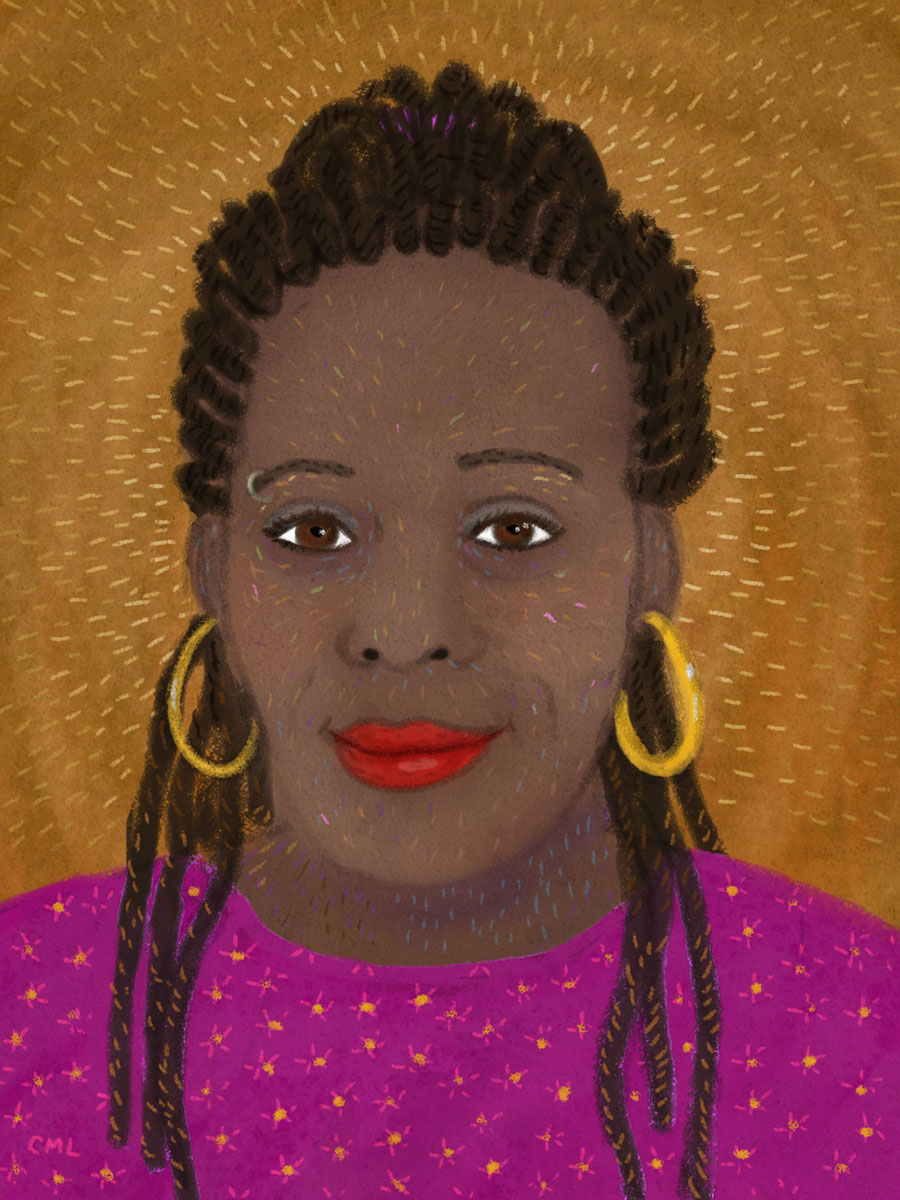
Promotional materials describe Morgan Parker’s new book, Magical Negro as “funny exploration of Black American womanhood” and “an archive of black everydayness.” It’s a collection of smart and raw poems about grief and anger and joy and disbelief and everything else that it means to be a black woman in America today. Hugo House, 1634 11th Avenue, 322-7030, http://hugohouse.org, 7 pm, free.
Kissing Books: The problem with cruel
Every month, Olivia Waite pulls back the covers, revealing the very best in new, and classic, romance. We're extending a hand to you. Won't you take it? And if you're still not sated, there's always the archives.
April is the cruelest month, according to one of our crueler poets — so what better time to talk about cruelty in romance?
Cruelty, as a character trait or behavior, is largely the province of male main characters, especially in m/f romances. Heroes get to curl lips, issue scornful declarations, hold themselves aloof from the suffering of lesser beings; heroes have eyes like ice chips, and dungeons full of whips and shackles, and inflict punishing kisses upon their love interests.
Heroes can never really be too cruel: so long as you offer a compelling enough backstory (some woman betrayed him, his family abused him, his government ordered him to murder and torture) you can excuse almost any kind of cold-heartedness.
Heroines are allowed to be frosty, or wary, or lonely, and increasingly heroines are permitted to be angry (some delightful new examples are reviewed below) — but it’s common knowledge among romance authors that if you write a heroine as anything approaching cruel, even if it’s only a single line in a single scene, you are going to get a flood of reviews calling her an ungrateful bitch who doesn’t deserve true love.
The double standards really aren’t hard to uncover. We expect and excuse cruelty from men; we abhor it from all other genders.
Cruel heroes often bother me because so many times their cruelty is paired with vast amounts of political, social, financial, and/or magical power. Aristocrats, bikers, billionaires, SEALs, cops, alpha shifters or vampires or ancient dragon spieces older than humankind — romance will happily fetishize cruelty as long as it’s tied to power and a sick set of abs.
To give one typical concrete example, I once read a cop hero who used police databases to find the heroine’s number, and call her to talk dirty and badger her for a second date while she was at her job at a women’s rape/domestic violence clinic; she agreed because “he would probably just show up at her house anyway” and over the rest of the novel he proceeded to blow past her safewords, laugh at the idea that her body was her own, and take total control of her life.
The author referred to this as a “negotiation.” Reviews are largely positive.
On a panel at this most recent Emerald City Comic-Con, my fellow romance authors and myself talked about the Sexified Villain: characters who are antagonists in the story arc but who nevertheless become fan favorites, romanticized and swooned over. Nicholas Kole flipped the phrase manic pixie dream girl into depressive demon nightmare boy to describe this trope, and it really can be alarming how many people rush to excuse selfish behavior and even outright evil from such characters (Loki, Kylo Ren, and Draco Malfoy being prime examples — but also the Phantom of the Opera, Severus Snape, Christian Grey, and a few incarnations of Sherlock Holmes and Moriarty both).
Plenty of romance heroes fit this archetype: widowers in a Gothic manor, orphaned billionaires, outlaw gang leaders, etc. An old theory from Dangerous Men and Adventurous Women holds that romance arcs function to tame/civilize male power and bend it to the heroine’s benefit, which implies romance novels/sexified villain fandoms are treatments for the symptoms of patriarchy which avoid curing the disease itself. Which is a fancy way of saying that girls romanticize Draco to cope with the fact that Draco or someone like him has the power to hurt them.
But what if it’s a little weirder than that? What if young women and girls learn early on to recognize the lies that patriarchy tells? Girls aren’t really people, for instance, is a pretty easy lie to see through when you are in fact a girl and a person. So you start to assume that everything is lies, because you know that what you’re hearing from patriarchy isn’t credible. You rewrite the script in your head as a matter of course. This guy is bad is therefore something you’d be ready to resist or reject or find alternate explanations for, because you’re used to having to do that same kind of calculation for yourself and every other woman and non-dude person you know.
And since we’re talking media properties, odds are this character is being played by someone cis, thin, able-bodied, white, etc., which means they tick a lot of the same boxes necessary to be considered Officially Beautiful. You take a self-protectively revisionist mindset, a hot actor, et voilà! Sexy Draco!
I find myself performing a similar kind of mental acrobatics all the time — quite deliberately with the Other Woman whenever she appears in a romance (I’m something of a Caroline Bingley apologist), but also among my fellow readers and critics. If I see an author refer to a reader/reviewer as “mean” or “rude” or “snarky,” odds are I’m already halfway to believing the reader’s take on the book. This is not because all reviews are brave bastions of truth (for instance: Voldemort’s one-star review of the first Harry Potter book), but rather because I’ve grown used to seeing sharp, accurate critiques of individual works decried as “attacks” or “bullying” on social media — particularly when those critiques come from marginalized voices calling out racism, ableism and the like.
There is a pronounced culture of we should only say nice things in romance reviewing circles. Not coincidentally, there is also a type of White Lady who cares most vocally about politeness when it works to preserve her personal comfort and self-image. She has also grown up in patriarchy, and believes the lie that she is naturally nice, nurturing, and self-sacrificing. She believes other women are supposed to be those things, too, especially women with less social power — because those are the rules that put her almost at the top of the pyramid, just beneath White Men but above Black Men and Black Women and Queer Men/Women and so on. If you aren’t officially allowed to win, you’ll fight to stay in second place if it means not being last. And you’ll be incensed if anyone you think of as beneath you in the power structure decides the rules need to be thrown out altogether.
If you throw out the rules, second place has no value.
Of course this means that the Venn diagram of authors happy to fetishize male cruelty in fiction and authors who call critics and especially black and brown critics big ol’ meanies is essentially a circle. The playbook is stunningly predictable. You could set your watch by it, if your watch measured internet dumpster fires instead of time. And seeing it play out over and over has taught me that when I see anti-oppression analysis called out as mean — as cruel — it’s code for: This person dares to believe their words have power, when they should be yielding to mine.
Power is the ability to be cruel without consequences. Men who harm women get excused. White women who harm black people get excused. It would be enough to send a romance author/reviewer into a complete tailspin of despair — if it weren’t for all the other authors and reviewers and readers who see the same thing, both in and out of fiction, and are pushing back against it. For example, just off the top of my head:
- The Governess Affair and Mrs. Martin’s Incomparable Adventure by Courtney Milan
- A Duke by Default by Alyssa Cole
- A Lady Awakened by Cecilia Grant
- A Duke in Disguise by Cat Sebastian
- Any Old Diamonds by KJ Charles
All these books feature powerful, cruel men whose power must be broken or tempered in some way by the main characters. These books defend justice, and love, by fighting against cruelty. They use tenderness, honesty, warmth, consideration, blackmail, lies, thievery, arson, and murder — that last because as the author admits: “some villains need to die.” Mrs. Martin’s and A Duke In Disguise are reviewed below, along with books by Alyssa Cole, Rachael Stewart, and Rebekah Weatherspoon. Consider this month’s column not only cruelty-free, but cruelty-defeating.
Recent Romances:

Mrs. Martin’s Incomparable Adventure by Courtney Milan (self-published: historical f/f):
Elderly lesbians take revenge for a lifetime of injury and insult while falling in love and literally burning everything down.
That’s it, that’s the review.
What more need be said? It’s exactly what you want based on that sentence, written in some of Courtney Milan’s best and funniest and most righteously infuriated prose. Violetta and Bertrice ought to be new patron saints of romance, with acolytes bringing offerings of chocolate and making cheesy toast over the pyres of contemptible men. And I know that sentence only makes sense if you’ve read the story — but the great generosity of this book is how it offers the reader a wealth of symbols, chants, and charms against terrible men. Against fear and invisibility and helplessness. In the week since finishing this I’ve taken to muttering “Robby Bobkins” under my breath when the terribleness is too much, and feeling my spirits rise again.
We need this book right now. Thank fuck we’ve got it.
One was impossible. One was contained. Alone, Mrs. Martin had felt cribbed in, made of complaints and unable to move. Two was a more dangerous number.

Mr. One-Night Stand by Rachael Stewart: (Harlequin Dare: contemporary m/f):
Harlequin’s new Dare line promises books that are “fun, edgy, and sexually explicit” and this juicy little drama nugget certainly delivers on that. This is a corporate-world “well that was some great casual sex — what do you mean we’re now business partners?” romance with high tones of old-school glam: skyscraper heels, perfect martinis, and a sophisticated heroine who knows precisely what she wants in bed. Jennifer is a sharp executive whose business acumen is never undermined by either the plot or the hero, and Marcus is just the right mix of cold corporatism and unrestrained lust. He is walled-off emotionally, but comes off more as stern than cruel. Their connection is electric and the best part of the story — heat and tension and magnetism that twists the emotional knife in a rich and satisfying way. Rarely has a forbidden romance been so plausibly, palpably irresistible.
Unfortunately some of the scene detail in this classic set-up hasn’t worn well. For instance, if I were a chauffeur, and my boss showed up with a disheveled, unconscious woman I’d never seen before and carried her into his bedroom, I’d hope I would have some pointed questions for him. (We know Jennifer was an enthusiastic participant, but the driver does not.) We’ve also got one of those No-Woman Beds I mentioned last month!
So yes, the book was enormous fun, but it also made my critical-historical brain start kicking up the dust of ideas. Dare is a line marketed as aggressively modern, so it begs the question: are the seeming-retro touches in this book part and parcel of that edginess? Regression presented as rebellion? It’s certainly a departure from the light rom-com tone many contemporaries are currently exploring — but if you look back to the pre-rom-com generation, the Jayne Ann Krentz/Judith Krantz years, Dare looks more like a continuity than a clean break. Like a notable nose, that happened to skip one generation of the family. Still, it’s nice to have options, so if you’re feeling like some of that Old Skool tone you’re in for a very good time.
His jacket lay across the arm of the chair, his forearm resting upon it. His other arm was folded, his hand curving over his inner thigh, his trouser-clad legs relaxed and spread. Open and vulnerable. The sight did things to her, things with a potency that almost scared her, and she flexed her fists into the bunched-up fabric of the sheets.


Can’t Escape Love (Avon Impulse: contemporary m/f) and A Prince on Paper (Avon Books: contemporary bi m/f) by Alyssa Cole:
At some point we are going to have to start referring to 2018–2019 as Alyssa Cole’s annus mirabilis. The entirety of the Reluctant Royals series thus far has appeared in that span, as well as two stunning entries in the Loyal League series. And a story in Bingo Love Vol. 1: Jackpot Edition.
It’s like when you learn that Dolly Parton wrote “Jolene” and “I Will Always Love You” in the same day. How the hell does she keep doing it?, mixed with profound gratitude that we are around to enjoy it.
The first book, Can’t Escape Love, is a novella-length Sleeping Beauty riff: heroine Reggie contracted meningitis in her youth and spent some time in a coma, and then more time coming to terms with the resulting physical and emotional fallout (ataxia, strained family relationships). Since then she’s built up a geek girl social media empire on the verge of becoming a powerhouse, and somewhat repaired her relationship with her twin sister Portia (of #swordbae fame). Gus is the puzzle-solver whose YouTube channel is the only thing that helps her sleep — and who is currently designing a high-profile escape room based on her favorite anime. Which is also a Sleeping Beauty riff. Everything in this novella is so richly layered and thoughtful that it feels like a complete world of its own. There’s not a wasted word in here.
Wealth is often packaged as a fantasy in romance: we’re treated to long descriptions of the hero’s penthouse, or manor, or beachfront getaway. Here it’s Reggie’s home that gets the lush descriptions, but the fantasy is accessibility: an environment that treats the disabled heroine’s physical needs as a matter of course, and is designed to answer them. Wealth certainly makes this fantasy possible — multiple custom wheelchairs are expensive — but there is a significant moral and psychological difference between money-as-escape and using-money-to-escape.
The novella fills in some of the between-the-lines from A Duke by Default: the full-length A Prince on Paper moves events further forward. Took me half the book before I realized what fairy tale we were dealing with, and then I damn near cheered, so you’ll forgive me for keeping it a smug secret so you can enjoy the reveal.
Our heroine is Nya, Prince Thabiso’s cousin, still reeling from the uncovering of her father’s betrayal and villainy in the first book in the series. (Um, spoilers!) Within five minutes I was muttering oh no to myself and wrapping my arms around my stomach to try and hold myself together — one of the great perils of reading romance is that sometimes you look into a book and the heroine stares back into your soul like you’re looking into a secret, agonizing mirror. Nya is lonely and self-conscious, both soft-spoken and sharp-tongued — and always, painfully aware of her own inconsistency. Even trying to write about this feels like I’m splashing my own issues all over this review in a manner that verges on oversharing. I would die for her, we say when we find the heroines who really reflect us — but it’s more than that. I’m dying with her, every time I turn another page.
Nya is glorious, and Johan deserves her.
This book has taken a place on my list of all-time favorites, alongside Jeannie Lin’s The Jade Temptress and Julie Garwood’s The Bride. Do not miss.
His head was dropped down, a mass of wild auburn, but it jerked up as the wooden door creakily announced her entry. She was met with ruddy cheeks and a sharp gaze that resonated within her private hollowness, like the sad moan of wind over the mouths of empty glass bottles.

A Duke in Disguise by Cat Sebastian (Avon Impulse: historical m/bi f):
Finally, a romance highlighting Britain’s class conflict and paranoid fear of revolution in the post-Waterloo years!
That’s not a joke: I’m writing a seditious printer/engraver heroine myself currently, and am thrilled that Cat Sebastian has already brought us a seditious printer heroine to help establish that publishing in the early nineteenth century was often a radical, risky, at-odds-with-the-government-and-the-police kind of enterprise. So definitely part of my pleasure with this one was nerding out hard over names like Hone, Cobbett, Wollestonecraft, and Lord Sidmouth (that jerk).
Usually in duke-centric historicals we look at the class structure from the top down; here we start at the bottom, with heroine Verity Plum worried about actually having enough food to put on the table even before her firebrand brother Nate thoughtlessly invites three of his friends home for dinner. Hero Ash is an engraver (and epileptic) who rents a room with the Plums; he always smells of copper and rosin, the way Verity’s hands are always stained with ink, because when our characters aren’t working they’re worried about working (or cleaning up the workroom after the redcoats toss the shop on a trumped-up search warrant) in ways that will feel painfully familiar to any modern-day freelancer. It’s not all anxiety, however: Verity’s new ladies’ magazine/advice column and a filthy book about famous royal fraudster Perkin Warbeck keep things fun and witty in the best Cat Sebastian style.
The revelation that Ash is actually a duke’s long-lost heir crashes into this comfortable pattern like a cannonball, leaving smoking rubble and shrapnel in its wake. Descriptors of wealth and privilege that would feel matter-of-course in another romance novel here strike the reader as ridiculous, unnecessary, ill-gotten luxury (the value of a long setup cannot be overstated). Ash knows Verity would barely consider marrying him as a tradesman — she’d laugh in his face and call for a guillotine if he proposes as a future duke. Their whole relationship is prickly, argumentative, couched in inside jokes and half-truths and feigned indifference that fools absolutely no-one — and it’s hot enough to burn your fingertips as you speed through the pages.
This is a book about privilege versus principle, and surviving human malevolence, and resisting political tyranny, and I am so very, very happy it exists. Because “there might not be a difference between hope and stubbornness” is a sentence I very much needed to read, and suspect others will too.
Both men tilted their heads and regarded her. “Just out of curiosity, how often would you advise women with errant husbands to have their spouses abducted by pirates?” Nate asked.
“I’d have to look into the costs. Right now it occurs to me that one might arrange one’s obnoxious brother to be taken away. Might be worth a few pounds, especially if you keep bringing strangers to eat my mutton chops.”
This Week’s Polar Opposite of the Cruel Hero Trope

Rafe: A Buff Male Nanny by Rebekah Weatherspoon (self-published: contemporary m/f):
I’ve been saving this gem for a time when I really needed an uplift, and after the past few weeks in Romancelandia, I’m enormously glad I had something to escape into. Rafe is the absolute opposite of the stereotypical alpha hero: nurturing, considerate, sweet. Adorably wonderful with kids. Still has the sick abs, though, but since sick abs are not a moral flaw nobody’s inclined to complain.
Certainly not cardiac surgeon Sloan, whose six-year-old twins are more than a handful and whose live-in nanny up and quit without notice. Rafe is an emergency call and comes highly recommended by trusted friends. His enormous, muscular, tattooed, bearded biker body is the most tempting thing she’s seen in years — but her children come first, so she’s going to button up all her lust and keep things pleasant and professional and tidy, and everything will be just fine.
Reader, I cackled. We all know how this is gonna go.
There are romances that aim for a lyrical tone, historical texture, champagne fizz and froth. Weatherspoon’s vampire romances are glazed with a bit of pulp glitz, but the voice of this contemporary is best described as a direct motherfucker. Like Rafe himself, Rafe tells you upfront what you’re promised (a buff male nanny) and then just … goes and does it. No hesitation. Childcare, emotional support, cooking, cleaning, and some A-plus dicking — not out of any urge to control or posses, but simply because he cares. It’s pure, golden, every-level-of-fulfillment fantasy on a platter and it’s like water in the desert for Sloan, who spent her youth being a med-school prodigy and then married to a true contender for Asshole of the Universe. She deserves this. She needs this. And this reader loved watching her get it.
Nothing in the world is so good as a book that takes a flimsy, one-liner premise and then treats it with such care and attention that it blossoms into something that feels like a gift.
Sloan wished she didn’t have a visceral reaction to her ex-husband, but any time she was near him she felt like a trapped and wounded animal. She’d chew her own leg off to get away from him. He was handsome as hell and dressed his ass off, but god he sucked.
Thursday Comics Hangover: The Handmaid's Comic
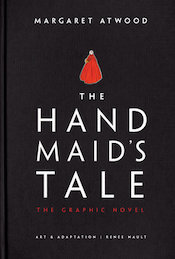
Are we as a society in danger of The Handmaid's Tale fatigue? Of course not — especially when the adaptations of Margaret Atwood's novel have been so good.
It's true that it's harder to watch Hulu's The Handmaid's Tale TV series, now that a woman's right to choose is more imperiled than at any point in the last 40 years. Fiction is treading dangerously close to the daily headlines in places like Georgia. Influential men promoting a regressive, anti-woman agenda — men like spineless evangelical zealot Mike Pence — are barely trying to conceal their contempt for women anymore.
But again, the show is really good, so we still watch it. And even though we may be nervous about Atwood's The Handmaid's Tale sequel due out this fall, she has earned our trust a thousand times over.
And now, Vancouver BC cartoonist Renée Nault has adapted The Handmaid's Tale into a hardcover graphic novel, and again I approached the endeavor with some nervousness. Does the world really need another adaptation of Atwood's dystopian future, now that we're on our way to making it a dystopian reality?
Turns out, yes we do! Adapting literary classics into comics is unbelievably tricky work, usually resulting in a few staid drawings next to gigantic walls of text. But Nault's adaptation is deft and it reconfigures the book into a new medium while respecting both the original text and the rules of the medium. You don't need to have read the original to read this adaptation. It stands on its own as a very good comic.
Nault's delicate lines form a vocabulary all their own. The handmaids look like gaudy red obelisks — tall and pointy and red as blood in snow. But their faces are whorls and knots of anger and frustration. Nalt clearly brings a manga influence to the book — the characters' eyes are large and expressive, and the panel transitions are less action-to-action-oriented than American comics tend to be. But there are plenty of other influences here, too: I see the pinched Puritanical influence of early American illustrators like John Singleton Copley, for instance. It's a timeless mix of art: the book feels simultaneously like an artifact from both the past and the future.
For legal and artistic reasons, this isn't just an adaptation of the TV show. While the basics of design are the same — the handmaids wear the same basic outfits, obviously — the characters do not resemble their Hollywood counterparts in any way, and the comic hews more closely to the book in several important ways.
But let's be clear: this is great comics. If you agree that the most basic definition of comics is a fluid dance between words and pictures, you will very likely be struck by the beauty of this book. Several sequences like a nearly wordless, dense sequence depicting Offred fleeing to a surreptitious meeting in the city reflect all the tension and claustrophobia of a great noir film, all in a single page. And her use of color is masterful, treating the red of the handmaid habits as a visual signpost guiding the readers through to the visual bloodbath of the book's conclusion, when the color spills out of the lines and drips everywhere.
It's been a long time since I've seen this skilled an adaptation into comics form. (You might notice that I have not mentioned the recent graphic novel adaptation of To Kill a Mockingbird. I assure you that my silence is not an accident.) What Nault has done here is stunning: she has taken a story that has verged on overexposure in recent years, and she has breathed fire into it. This is an adaptation as personal, and as important, as if Nault herself had come up with the story herself.
To the best of your ability
For years, I laughed at the inept people at the beginning of late-night informercials — people who always seemed comically incapable of performing simple everyday functions like making food, or carrying groceries, or reaching items on high shelves. Compilations of informercial ineptitude like this one are all over the internet:
But then I read an essay which pointed out an obvious truth that I never bothered to see: the products in most of these infomercials are intended to make life easier for disabled people. But because popular culture traditionally averts its eyes from disabled people, production companies hire able-bodied actors to demonstrate why these products are necessary. They look ridiculous because they're pantomiming everyday life for millions of disabled Americans, but they're not disabled. It's an act of erasure that stops being funny when you realize the truth behind the scenes.
Last night, the Reading Through It Book Club gathered at Third Place Books Seward Park to discuss Seattle author Leah Lakshmi Piepzna-Samarasinha's book Care Work: Dreaming Disability Justice. It's a collection of essays by and for disabled people, with the ambitious goal of promoting a society operating under an agenda of "radical love" that is more inclusive and caring.
The conversation was lively and surprising. I admitted that no other book in our book club's two-and-a-half years has ever moved me to tears so often. The vulnerability and frustration in these pages is visceral, perhaps most so in a letter anarchist/performer Loree Erickson posted online before visiting Washington DC. Keep in mind, this letter is intended for strangers:
I use a wheelchair and I am looking to recruit folks to help with my personal care needs (fancy words for getting into/out of bed and going to the bathroom). No experience needed (I am really good at talking folks through it plus what I need help with is pretty straight forward) and ya only have to be sorta buff. I [weigh] around 130lbs, but it is not as bad as it seems. If you're worried about lifting I might be able to buddy you up or maybe you can buddy yourself up with a friend. Two people makes it way easier and yay for safety! :-) It doesn't take that long (around 1 hour — usually less to pee and a bit more to get into/outta bed). I usually pee at 12ish, 5ish and then when I get into bed and wake up. If you don't have a lot of time, even one shift would be so extremely helpful.
If you are interested let me know or if you know anyone else who might be interested, please send this their way (I appreciate people of all genders helping me). I need to know as soon as possible so that I know how stressed out to be. Plus we are coming soo soon! :) Also if you can send me your availability that would be amazing
The warmth and openness and optimism of that open letter broke me wide open.
The idea of disability encompasses so many different experiences — blindness, Deafness, paralysis, chronic pain. Each of these experiences brings its own demands and limitations and truths — there's no single "disability agenda" that can be encapsulated in a single manifesto.
Many members of our book club felt overwhelmed by Care Work. That's understandable — the book is a collection of essays intended for a few different audiences — in one piece, Piepzna-Samarasinha is talking directly to other disabled activists, in another she's aimed at a more general audience. Someone at the book club said that Care Work was the equivalent of taking a 301-level course without taking the 101-level first.
But just about everyone agreed that exposure to these ideas was important. More than half of the group had direct and personal experience with disabled people in their lives, and those experiences helped them to see the world differently. That visibility matters.
I'm still thinking about something a member of the group said last night that I found to be particularly enlightening. She said that architects no longer design buildings with special features for disabled users. Instead, they aim for what they call "universal design." The accessibility of those features — ramps, easy-to-open doors and convenient storage and so on — actually benefit everyone. This isn't a debate that anyone has to lose. Accessible and caring design is additive — it's good for all. The same additive law applies to Piepzna-Samarasinha's radical caring agenda: when you orient your civilization to care for people in need of help, everyone benefits.
Book News Roundup: Are you Redmond's next poet laureate?
The City of Redmond is still looking for a Poet Laureate, and you have until April 29th to apply. Important: You do not have to live in the city of Redmond to apply, or to serve as Poet Laureate, though the winner will be expected to travel to Redmond to take part in arts ceremonies.
Did you know that Microsoft has an e-book library? They're closing it this summer, and BoingBoing notes that Microsoft is "taking away every book that every one of its customers acquired effective July 1." That's right: you didn't buy the book from Microsoft, you bought a license to read an e-book. Now they're revoking that license. The same thing could happen with Amazon one day, too.
Read all about the shitty kids' book that figures into a conspiracy that just may bring down the career of Baltimore's mayor.
This year's Hugo Award nominees are mostly women and that is fantastic news.
How you can help fight for the right to read in Washington state prisons
Over the weekend, the good people at Books to Prisoners, a Seattle-based nonprofit that delivers used books to incarcerated individuals, noticed that the Washington State Department of Corrections quietly made a change to their book policy. According to the new DoC rules, the state would only allow select organizations to donate new books to prisoners.
The problem is that nonprofits like Books to Prisoners provide quality used books to prisoners in much greater quantities than any organization supplying new books could match. Over the phone, Books to Prisoners' secretary Andy Chan tells me that the dictionary is always in high demand, as well as books on vocational training, GED preparation, and genre fiction. Without your donated used books, countless incarcerated people will have to go without any books at all.
Last year, Departments of Corrections in New York state and Pennsylvania both tried to pass similar used book bans, but Chan says "none of them have stuck." Outrage from ordinary citizens forced the states to reverse their decisions. Since the Washington DoC's used book ban was discovered, Books to Prisoners organized a "phone zap," in which people called DoC Prisons Division Correctional Manager Roy Gonzalez to demand that he reverse the policy. (Full disclosure: I called Gonzalez and left a message during the political action.) Those calls successfully overloaded the phone system and broke Gonzalez's voice mailbox. And they've gathered more than one thousand signatures on a petition demanding the reversal of the policy. (Full disclosure: I signed the petition.)
The DoC hasn't responded to the protest aside from what Chan characterizes as a "boilerplate" statement claiming that "prisoners in eight out of 12 Washington state prisons have access to a full library." That doesn't explain the change in policy, and, as Chan notes, it doesn't recognize the fact that Books to Prisoners gets plenty of requests for books from those prisons with supposedly full libraries. Clearly, the system isn't getting enough books into the hands of people who need them.
Why would Washington's DoC try this ban when it flamed out so spectacularly in two other states last year? "I'm guessing, because they haven't told us specifically," Chan qualifies, but he suspects that it's what he characterizes as a "mass hysteria" based on the theory that "perhaps used books from nonprofits is one of the routes" for drugs to enter prisons. Chan specifies that nobody has ever presented any proof that "a nonprofit such as Books to Prisoners has ever sent in any kind of contraband," but the organizations are still wrongly identified as a weak spot in the prison's defenses.
Still, Chan wants to be clear that this is all conjecture: "we don't know [the reason for the DoC's ban] because they have not responded, as yet, to our attempts to contact them," he says.
(Side note: Whenever I write about organizations like Books to Prisoners, some jackass will always respond on Twitter with a smug one-line response like "they should've read a book before they went into prison." Respectfully, to whoever is about to respond to this piece with that line: fuck off. Books are how we teach ourselves to be better people. Books help us get into the minds and hearts and experiences of other people. Books foster empathy and they help us aspire to being a little better tomorrow than we are today. There is no crime so horrendous that I would deny someone a book as punishment, and if you believe that the American prison system should be rehabilitative and not simply a place where we stick people until they die of old age, you should feel the same way.)
So what should people do now? Chan wants people to follow Books to Prisoners on Twitter and Facebook to stay up-to-date on actions. And he says, "we're going to start contacting Governor Jay Inslee, who is a professed believer in the need to decrease the recidivism rate of Washington state prisoners."
Inslee is currently running for president, Chan notes, "and his very own Department of Corrections is doing something which is, completely contradicting his idea." Obviously, a used book ban isn't going to help with recidivism rates.
"I don't know to what extent they informed [Inslee] that they were going to do this, and the reasoning for why they were going to do this, but he needs to be able to explain to us, if his Department of Corrections is not going to, why it makes sense to have done this," Chan says.
Books to Prisoners is off to a great start with this campaign — they went from discovering the policy to jamming DoC's phone lines in less than 24 hours. But they can't do it without your help. Follow Books to Prisoners on social media and help them out with actions when you can. Any policy that discourages reading in our prisons is a policy that harms us all.
If all Seattle read The Best We Could Do...
Published April 2, 2019, at 1pm
Later this month, graphic memoirist Thi Bui will be reading from and discussing her book The Best We Could Do at libraries around Seattle. It's exactly the book that Seattle needs right now.
Vonda N. McIntyre, 1949 - 2019
Sad news: Seattle sci-fi author Vonda N. McIntyre passed away yesterday, less than two months after she was diagnosed with pancreatic cancer.
An award-winning author of novels and non-fiction and film and TV show adaptations and short fiction, McIntyre also leaves behind another tremendous legacy: she helped bring the Clarion West sci-fi writers' workshop to Seattle in 1971, which means generations of young writers owe their careers to McIntyre.
One of my favorite McIntyre stories revolves around a convention panel where McIntyre grew weary of fans griping about bad sci-fi TV shows. McIntyre recounted in 2009:
I listen for a few titles, and then I say, “Wait a minute. I can’t believe this. Haven’t you people been watching the *Starfarers* miniseries?”
And then I told them the plot.
By the end of the panel, I had everybody eating out of my hand, believing *Starfarers* had existed but had been so misscheduled and unadvertised that every single audience member had missed it. I claimed I had heard of some bootleg tapes floating around but as far as I knew recordings of the show could not be purchased.
A local filmmaker, sitting in the front row, jumped up at the end of the hour and said “I’m going to find those tapes!” and rushed out of the room.
McIntyre then went on to write four Starfarers books, based on her prank at the panel.
That eagerness to create something positive out of boring old fan negativity, that ability to craft a mythology from nothing and have a roomful of fans eager to believe it, is a big part of McIntyre's charm. She willed a community into existence here, and Seattle is the worse for her passing. There will be a public service for McIntyre sometime in the next month; we'll let you know when we know more.
STRAP ON A WITNESS WHEN YOU GO OUT WITH THE TONGUE IN YOUR MOUTH WORN THIN FROM WALKING
Put the wet trash in the oven and hang
your door bouquet. It’s a season of
rickety picture hooks and ticketed adjunct
sleeping positions. Where a whistle is
heard, tiptoe hunchfront hustleaway in a
hey diddle goodnight stupor. But
bubbling up numbtacks. Take time to
heal, so subtle your way out the garden
gate full of repressed shimmer. Maybe
don’t worry about slithering into last
season’s lacks, and let the froth on your
whiteness settle. Whip over when you
feel a second sleep coming on. If you
can’t sit back, sit still. Good ribbons.
Just a few tickets left for Anne Lamott this Sunday!
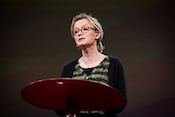
Sponsor Northwest Associated Arts throws the best events. Did you hear that they're bringing Anne Lamott to town? Seriously. It's right close: April 7. That's this Sunday!
If you're a writer, you already have a copy of her infamous and beloved Bird by Bird, but have you seen her talk? Lamott brings a terrific curiosity and thougtfulness to every topic that pulls her attention. And she's one of those writers — and presenters — who make you realize that you're suddenly fascinated and interested by what pulls her attention, too. It's a powerful thing she does.
Her latest, Alomst Everything: Notes on Hope, tackles big topics with her normal aplomb and heart (but not that kind of heart. Lamott wears the kind that cynics know is authentic), and you will be guarenteed lots of laughs, and probably very few dry eyes in house at times. Find out more about this event on our sponsor feature page, and then grab yourself a seat before they're all gone!
Got an event you think our readers would love? You can sponsor us, too. If you have an opportunity you’d like to get in front of our readers, reserve your dates now.
Your Week in Readings: The best literary events from April 1st - April 7th
Monday, April 1: Almost Yankees Reading
I don't focus much on sports in this column because, well, I hate professional sports. But it's hard to deny the connection between bookishness and baseball. There's something about reading and baseball that go really well together — maybe this is just as simple as the fact that it's not uncommon to see people reading to pass the time at ballparks. So to celebrate this link, maybe attend this reading from Almost Yankees, a study of one season in the life of a Yankees minor-league farm team. Third Place Books Ravenna, 6504 20th Ave NE, 525-2347 http://thirdplacebooks.com, 7 pm, free.
Tuesday, April 2: Two Poets
Laura Eve Engel is a musician and poet whose most recent book is titled Things That Go. Bill Carty is a Seattle poet who has been published at a ton of places. His upcoming book is titled Huge Cloudy, and he edits at Poetry Northwest. Open Books, 2414 N. 45th St, 633-0811, http://openpoetrybooks.com, 7 pm, free.
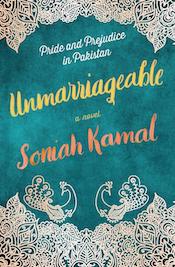
Wednesday, April 3: Unmarriageable Reading
Soniah Kamal's second novel is a Pakistani twist on Pride and Prejudice. For the Seattle part of her tour, she'll be in conversation with Seattle University professor Nalini Iyer. Elliott Bay Book Company, 1521 10th Ave, 624-6600, http://elliottbaybook.com, 7 pm, free.
Thursday, April 4: Magical Negro Reading
Promotional materials describe Morgan Parker's new book as "funny exploration of Black American womanhood" and "an archive of black everydayness." It's a collection of smart and raw poems about grief and anger and joy and disbelief and everything else that it means to be a black woman in America today. Hugo House, 1634 11th Avenue, 322-7030, http://hugohouse.org, 7 pm, free.
Friday, April 5: The Outline Trilogy Reading
Rachel Cusk has long been celebrated as a great author, but now that she's completed her Outline Trilogy — three novels capturing the experiences and encounters of a British author — the word "masterpiece" is starting to be thrown around. Come find out why, before you're paying a lot of money to see Cusk read in the very near future. Elliott Bay Book Company, 1521 10th Ave, 624-6600, http://elliottbaybook.com, 7 pm, free.
Saturday, April 6: Cadence: Video Poetry Festival
See our Event of the Week column for more details. Northwest Film Forum, 1515 12th Ave, https://nwfilmforum.org.
Sunday, April 7: Orcas Island Lit Fest
All weekend long, authors including Anastacia-Renée, Keetje Kuipers, Rick Barot, Donna Miscolta, Sonora Jha, and Kristen Millares Young will be participating in a literary festival on scenic Orcas Island. Why aren't you there right now? Orcas Island, https://oilf.org/2019-festival-program.
Literary Event of the Week: The Cadence Video Poetry Festival
As you most likely know, April is National Poetry Month. And all month long, Seattle will be celebrating with poetry readings in nontraditional spaces. We'll highlight some of the best events here on this site in the days and weeks to come, but one of our favorite Poetry Month events is already upon us. It doesn't happen in a bookstore, or even in a civic space that sometimes hosts readings. This one happens in a movie theater.
For every Thursday this month, Northwest Film Forum is hosting Cadence: Video Poetry Festival, a collaboration between poetry and film curated by Seattle writer Chelsea Werner-Jatzke. Its mission statement is pretty clear: "Cadence approaches video poetry as a literary genre presented as visual media that makes new meaning from the combination of text and moving image." The second year of Cadence features a wide range of programming including workshops and screenings and the public creation of new video poetry works and more.
On Saturday at 11 am, Seattle Review of Books' April Poet in Residence, Amaranth Borsuk, will be teaching an all-day workshop named "The Image Speaks." The listing for the workshop promises that participants "will write, film, and experiment, conceptualizing and developing video poems that may stretch the bounds of the genre. No experience with either poetry or film is necessary."
Catherine Bresner will serve as poet-in-residence for the duration of the festival, including a display in NWFF's lobby and a youth video poetry workshop on April 13th. Poets who created new work in the workshops will get to screen their work at NWFF on April 25th.
Thursday screenings are themed. April 4th features video poetry created by local organizations including " Interbay Cinema Society, Jack Straw Cultural Center, Mount Analogue, Poetry Northwest, Pongo Publishing, and Seattle City of Literature." And April 18th will feature an international showcase of video poets from Europe and the Middle East.
This isn't a pivot to video, or a bitter attempt to win over future generations through a friendlier medium. Instead, Cadence is an attempt to collaborate on something new by combining two old genres into a bold new field of study. It's National Poetry Month. Go discover a new world.
Northwest Film Forum, 1515 12th Ave, https://nwfilmforum.org/festivals/cadence-video-poetry-festival/.
The Sunday Post for March 31, 2019
Each week, the Sunday Post highlights a few articles we enjoyed this week, good for consumption over a cup of coffee (or tea, if that's your pleasure). Settle in for a while; we saved you a seat. You can also look through the archives.
Airbnb Has a Hidden-Camera Problem
Like Uber, like Lyft, like other gig economy “innovations,” Air BNB succeeds by slapping a brand and a professional veneer across a personal exchange — in this case, what we used to describe as “crashing with a friend,” except the friend doesn’t know you and is renting you a bit of their home, for a bit of time, with a bit of wariness on both sides.
Putting your suitcase down in a stranger’s home is a bit of an intrusion, even if one we’ve bought and paid for. Are we really surprised when those strangers intrude right back?
Alfie Day told me he found a camera in his rental’s living room while he and his girlfriend were visiting his brother in Bulgaria. Day works in IT, so he performed an Nmap scan to learn more about the devices in the home. He discovered that the host had installed a type of camera that could be remotely controlled to pan, tilt, and zoom in on anything it sees. The expanded field of view meant that while the camera was in the living room, it could discreetly follow guests from room to room. The scan also revealed that the camera had a high-capacity storage system that lets users share very large files quickly across the same network.
Confronting racism is not about the needs and feelings of white people
White people: Shhhhhh. Stop talking. Listen. Ijeoma Oluo has something important to say. Also, just shhhhh.
Every time I stand in front of an audience to address racial oppression in America, I know that I am facing a lot of white people who are in the room to feel less bad about racial discrimination and violence in the news, to score points, to let everyone know that they are not like the others, to make black friends. I know that I am speaking to a lot of white people who are certain they are not the problem because they are there.
Writing Sex for Money is Hard F*cking Work
Sandra Newman supports her novel-writing habit with a somewhat different application of her skills.
As everyone knows, when you’re not in the mood for it, porn is gross. After the first few hours, it was also unendurably boring. Nonetheless it made me horny, in a downtrodden, creepy way. I was disgusted and horny and disgusted by my horniness. I was hornily falling asleep in my chair. I was hornily staring out the window and hornily wondering how I got to this point.
Unfeeling Malice
Michele Pridmore-Brown reviews Aspberger’s Children, by Edith Scheffer, which explores the influence of Nazi ideology on current understanding of “normal” neural function. This is a horror story (Asberger sent so many nonconforming children, especially girls, to their deaths) but also a story about the impurity of science and a case study of how benevolence becomes the rouge on evil’s cheek.
None of this is where Sheffer started. Her initial interest was visceral and personal. She came to the subject thinking quite simply to honour Asperger. Her son, like an ever increasing number of boys in Silicon Valley and elsewhere, was diagnosed with high-functioning autism. Asperger, Sheffer assumed, was an early proponent of neurodiversity, someone who promulgated multiple ways of inhabiting the world.
What she found in the archives was far more complicated.
Whatcha Reading, Laila Lalami?
Every week we ask an interesting figure what they're digging into. Have ideas who we should reach out to? Let it fly: info@seattlereviewofbooks.com. Want to read more? Check out the archives.
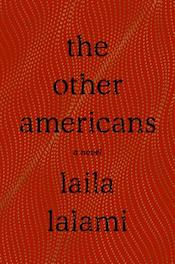
Laila Lalami is a once Seattle, now Los Angeles-based novelist, essayist, and critic. She's written four novels, her last, The Moor's Account, was a finalist for the Pulitzer Prize. Her latest, just released, is The Other Americans. She'll be reading next Tuesday, April 2, at the Central Seattle Public Library at 7:00pm, co-presented with the Elliott Bay Book Company. This is one you won't want to miss, and it's free to attend.
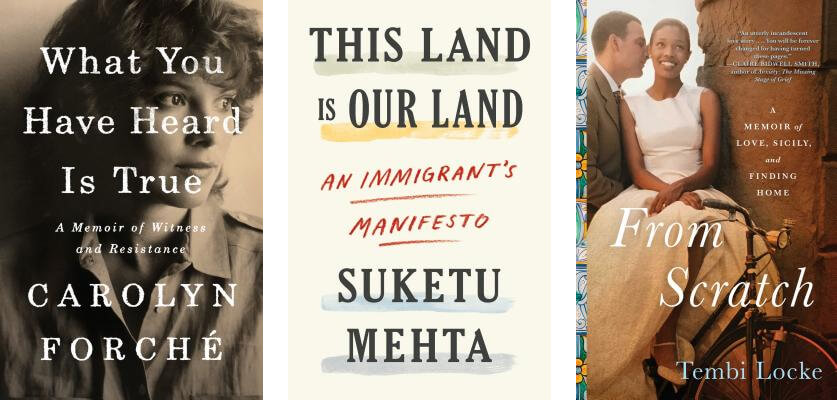
What are you reading now?
When I stopped by Brookline Booksmith to sign some books, bookseller Suchi Saraswat pressed into my hands a copy of Carolyn Forché’s What You Have Heard Is True: A Memoir of Witness and Resistance.
What did you read last?
On my flight from LA to Boston, I read an ARC of Suketu Mehta’s new book, This Land is Our Land: An Immigrant’s Manifesto.
What are you reading next?
The Help Desk: Shelfish children
Every Friday, Cienna Madrid offers solutions to life’s most vexing literary problems. Do you need a book recommendation to send your worst cousin on her birthday? Is it okay to read erotica on public transit? Cienna can help. Send your questions to advice@seattlereviewofbooks.com.
Dear Cienna,
Every time someone asks an author if they have a favorite book of their own, the author mumbles something about choosing between children and refuses to answer. But tell me the truth, Cienna: authors definitely have favorites among their own books, right?
Shannon,
Vancouver
Dear Shannon,
Of course authors have favorites; anyone with pets or children knows that. I myself was an only child for years and even then I wasn't my mother's favorite — I came in fourth behind The Bottle, our family border collie, and a photo of an alligator in a fur coat she found charming.
Then Los came, and the favoritism became even more apparent. He was read books with pop-up mice and fun rhymes, beautifully illustrated and inscribed with love, while I was taught to read whether a medicine bottle for sure said “DO NOT DRIVE HEAVY MACHINERY” in all caps like a direct order — or was it worded more whimsically and listed somewhere after “Take with food”?
Some people change with time, as do their favorites. After 35 years, I have found small ways to worm my way higher into my mother's pickled heart. For instance, if I'm standing in an empty room full of spiders, I can usually rank third — second if I soak myself in gin first. And while children repulse me, I recently adopted a small alligator in a fur coat, which has given us something to bond over. Together, we are teaching Beatrix to read pill bottles. Mother will very likely include her in her will.
You see? Happy endings exist even for the unfavorited.
Kisses,
Cienna
The Portrait Gallery: James Sturm
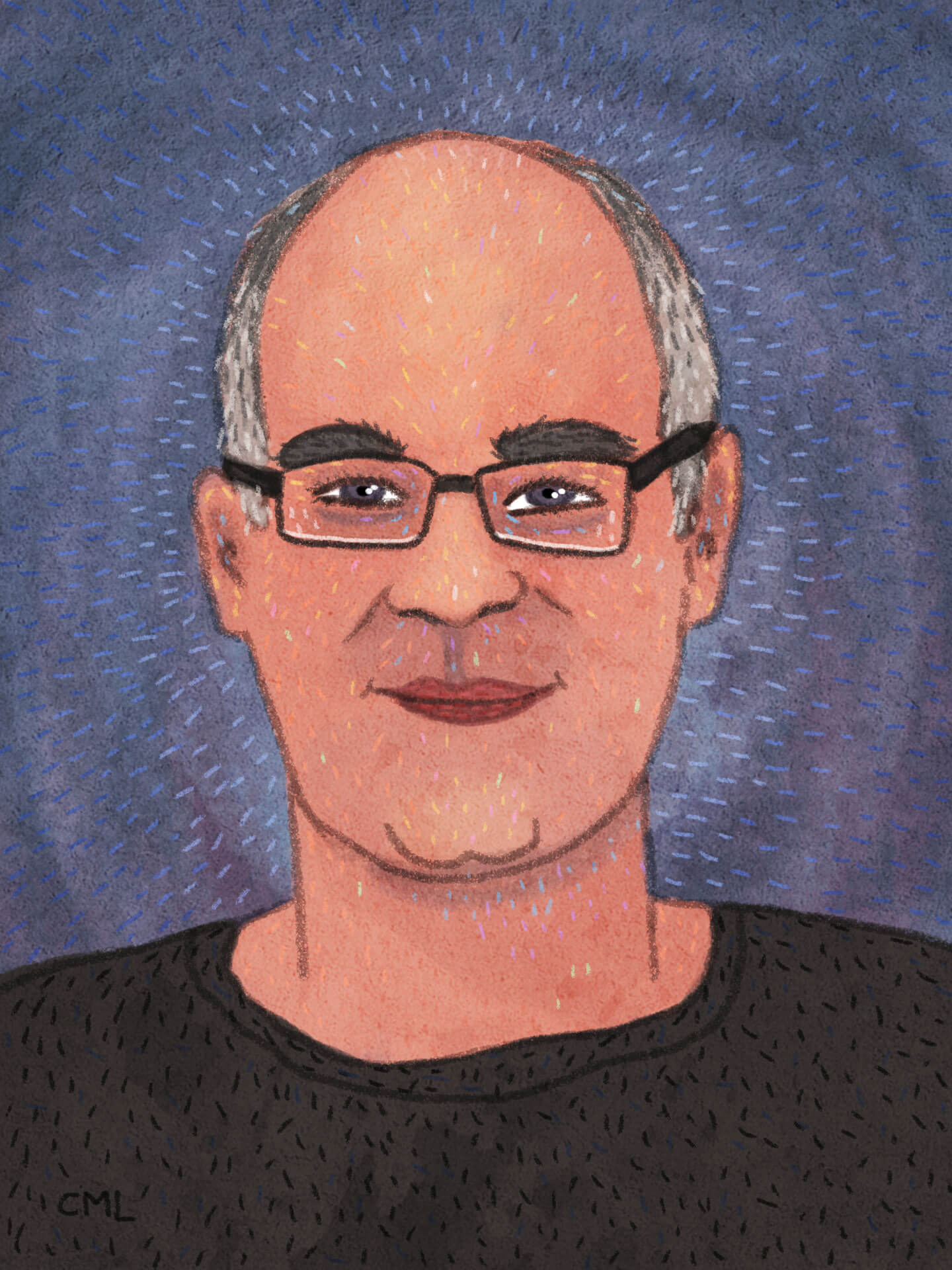
James Sturm’s new graphic novel, Off Season, is about a relationship that falls apart in the middle of the 2016 presidential election. He'll be appearing Saturday, March 30, with Pete Bagge at the Elliott Bay Book Company, hosted by our own Paul Constant. 7pm, free.
Criminal Fiction: Time marches on
Every month, Daneet Steffens uncovers the latest goings on in mystery, suspense, and crime fiction. See previous columns on the Criminal Fiction archive page
Reading around: new titles on the crime fiction scene
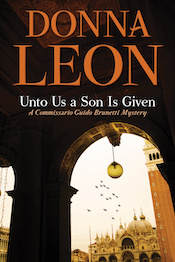
Donna Leon’s Venice-based Commissario Guido Brunetti mysteries are rife with musings on the human condition and a rich range of criminal activities, from the most basic petty theft to cold-blooded murder. Unto Us a Son Is Given (Atlantic), the 28th outing for Brunetti, his whip-smart wife, Paola, and his fellow detectives, is redolent, as always, with the sights, smells, sounds, and mealtimes of the water-immersed city: Brunetti uses frequent coffee breaks to mull over his cases, and family dinner time to argue the rights and wrongs of human morality with his chatty children. In Leon’s latest, a pleasantly deceptive lull – imposed by contemplative discussions of familial and non-familial obligations as well as a telling reading of Euripides’ The Trojan Women – is dissolved with deadly force.
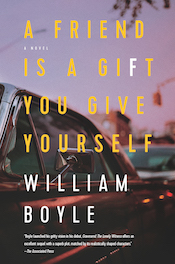
A series of road trips provide just a smidgen of the wild action in William Boyle’s A Friend Is a Gift You Give Yourself (Pegasus). When mob widow and Brooklyn resident Rena Ruggiero brains her neighbor with a glass ashtray during an unwanted sexual advance and then flees to her daughter in the Bronx, she implicates herself and a decidedly motley crew of others in an intricate tangle of violence, car chases, terrifying killers, and the edgier sides of familial function. Like tasty breadcrumbs through a sinister forest, Boyle strews his narrative with welcome cultural markers and references — Tom Robbins’ Jitterbug Perfume, the Paul Newman of Nobody’s Fool, the now-defunct Catskills resorts, Bette Davis in Now, Voyager, champagne that “‘tastes like rainbows’” — and more than a little bit of straight-talking philosophy. Boyle’s noir novel is an appropriately dark tale of gangster life; it also shimmers with friendliness, affection, humor, and the myriad stories people tell themselves and others in order to survive.
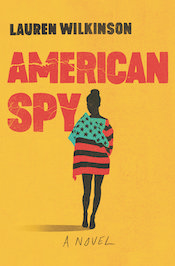
American Spy, a debut novel by Lauren Wilkinson (Random House), tells the story of FBI agent Marie Mitchell and her undercover involvement in West Africa during the Cold War of the 1980s. But it is also about growing up African-American in the 1970s; about the family ties that bind and break; about destructive politics and community-focused advocacy; about the impact of cynicism; about the rejection of that cynicism; and it is about partnerships driven by mutual respect, and parental dotage that is both protective and empowering: “I wanted to form you into agents of change,” is one mother’s message to her children. Laced within this structured, straightforward tale of espionage and manipulation, is a deeply told tale of love in its many, many facets.
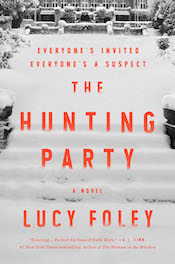
In Lucy Foley’s The Hunting Party (William Morrow), a gang of old university friends gather for their annual New Year’s Eve holiday – this year’s model features a glamo-rustic hunting lodge in the Scottish Highlands – and promptly get snowed in. Also on hand: a lustful Icelandic couple, a morose estate manager, two taciturn workers, and a bevy of shotguns. As the festivities spiral out of control, frustrations and betrayals rear their inevitably disturbing heads. Foley limns the emotional baggage and jealousies that long-time relationships can sometimes harbour, along with, of course, true intimacy and true love. This taut thriller, making canny use of its multiple narrators, also delves pleasingly into the minutiae of the seemingly carefree days and boundless party nights before so-called adulthood hits.
The Quintessential Interview: Elisabeth Elo
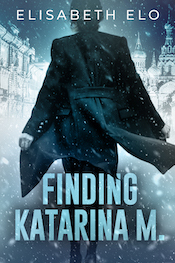
In Finding Katarina M. (Polis), D.C. doctor Natalie March knows her mother’s parents’ history of being banished to the gulag, where they promptly vanished into that network of labor camps. But then a young woman turns up on Natalie’s turf, claiming to be Natalie’s cousin: Natalie’s grandmother, Katarina, the cousin claims, is still alive in Siberia. More than intrigued, Natalie sets off to a remote part of Russia on a determined fact-and-grandmother-finding mission. Insistent in its twisting narrative, the novel takes a turn into something darker, stranger, and much more terrifying as it unfolds. Luckily, Natalie remains a compelling companion for the startling journey Elo has generated.
What or who are your top five writing inspirations?
Sober people. Particle physics and quantum mechanics because they remind me that there’s a great deal more to this world than we can see. My own deepest experiences because I can’t express them, which makes me, paradoxically, want to express anything I can. Fairytales for their perfect narrative structure and blunt acknowledgment of evil. Any genuine smile.
Top five places to write?
For serious writing: my desk. For revising manuscript pages: my living room couch or any coffee shop. For early drafts in longhand: my car parked in a shady lot overlooking the Muddy River.
Top five favorite authors?
Edna O’Brien. Edward St. Aubyn. Graham Greene. Shakespeare. W.B. Yeats.
Top five tunes to write to?
I need silence to write. But when I’m getting distracted or I have to do some writing-related task I don’t want to do, I listen to jazz piano. My favorite artists are Keith Jarrett and Akiko Grace. Next comes jazz guitar, especially Wes Montgomery and Pat Metheny.
Top five hometown spots?
Coolidge Corner Theatre. Brookline Booksmith for its many author events (and books). Boylston Street because a lot of my life happened there. Pizza Stop pizzeria a block away from my house for its chicken caesar wraps and because it hasn’t changed in 30 years (not an exaggeration). The park across from my house where I go every morning with my dog and always end up noticing the sky because there aren’t any buildings to get in the way.
Thursday Comics Hangover: Thunderbolts and lightning
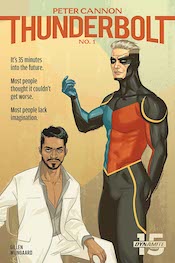
The first issue of writer Kieron Gillen's Peter Cannon: Thunderbolt was a solid-enough revival. Thunderbolt is a classic superhero who, unlike his peers published by Charlton Comics — the Blue Beetle, The Question, and Captain Atom — never really managed to catch on. In fact, when Alan Moore was forced to swap out the Charlton characters for thinly veiled analogs in the book that would become Watchmen, the Thunderbolt analog who played the villain of the book, Ozymandias, probably surpassed his original character in terms of name recognition.
Gillen overtly toyed with that Ozymandias connection in the first issue of Peter Cannon: Thunderbolt. The book clearly showcased many callbacks to Watchmen — the nine-panel grids, the Moore-inspired dialogue — and it pitted multiple versions of the character against himself. The book was interesting, but there have been so many riffs on Watchmen that it didn't really stand out.
In the second issue of Peter Cannon: Thunderbolt, though, Gillen breaks the damn comic. In a good way. One Thunderbolt crosses dimensions to fight an evil Ozymandias-like Thunderbolt by violating the 9-panel grid in a postmodern assault on Watchmen's rigid structure. Just to add to the book's self-referential flavor, Thunderbolt even notes before he breaks the panel borders that "This level of formalism is dangerous. We could lose some people."
Perhaps. But that kind of manipulation of the rules of storytelling is one surefire way to make me a fan of the book forever.
And then, in the third issue of Peter Cannon: Thunderbolt, which came out yesterday, Gillen breaks the book again, sending one Thunderbolt into a completely different genre of comic. (I don't want to spoil the final reveal of the book, which is one of the great last pages in recent comics memory.) It's pretty clear by now that Gillen is out to break the story and the form of comics again and again with every issue. He's doing more than just resurrecting an old character — he's forcing that character to come to terms with his own history in very literal terms.
Just as my regard for the story expands with every new issue of Peter Cannon: Thunderbolt, my respect for artist Caspar Wungaard grows, too. He's a very talented artist who can draw the hell out of a scene with two characters quietly talking, but Wungaard also can express some very complex concepts with a frightening ease. The concepts that Gillen unspools here are as complex as if I gave you a pen and a piece of paper and asked you to to draw the fourth dimension, or the passage of time. Wungaard makes the impossible look effortless.
As Thunderbolt himself notes, this kind of formal play isn't for everyone. Plenty of readers will find this series to be a little too impressed with itself. But anyone who is interested in the kind of broad information that a comics page can convey, and anyone who wants to know how hard you can push at the idea of a comic before it breaks forever, will be in heaven.
Aggrieved identity politics snowflakes offended by milkshakes, calls for basic human decency
Heather Antos is a comic book editor who was targeted by creeps in an online smear campaign because she posted a selfie of herself and other female Marvel employees drinking milkshakes. Seriously, that's all there is to that story: Antos spent months absorbing hate because she is a woman who works in the comics industry.
Yesterday, Antos — who now works at Valiant Comics — tweeted "PRO TIP: Industries are small. People talk. Don't be a dick." Pretty innocuous, obviously, but it was enough to convince the conservative comics chud to climb out of their sewers and take great offense:
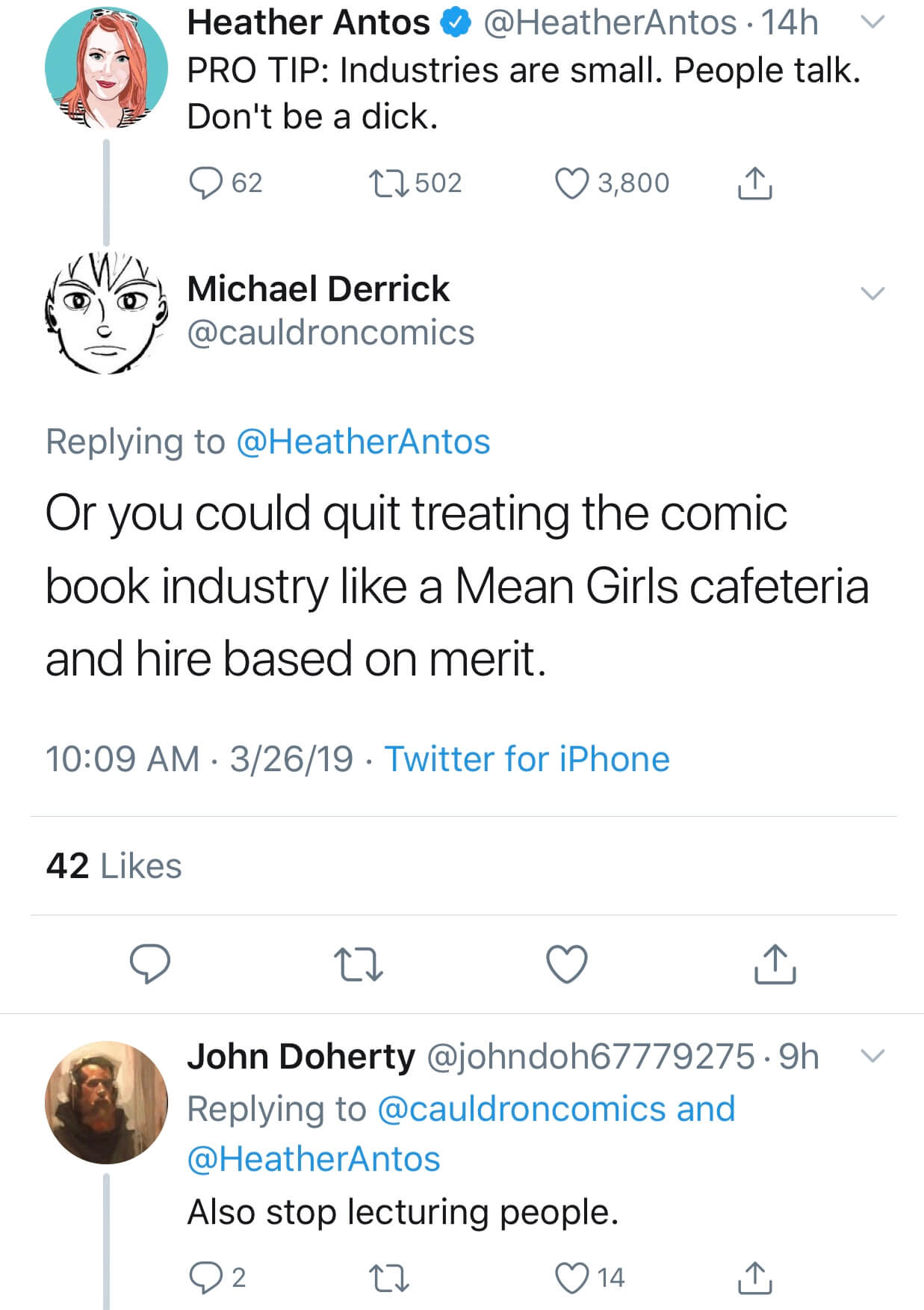
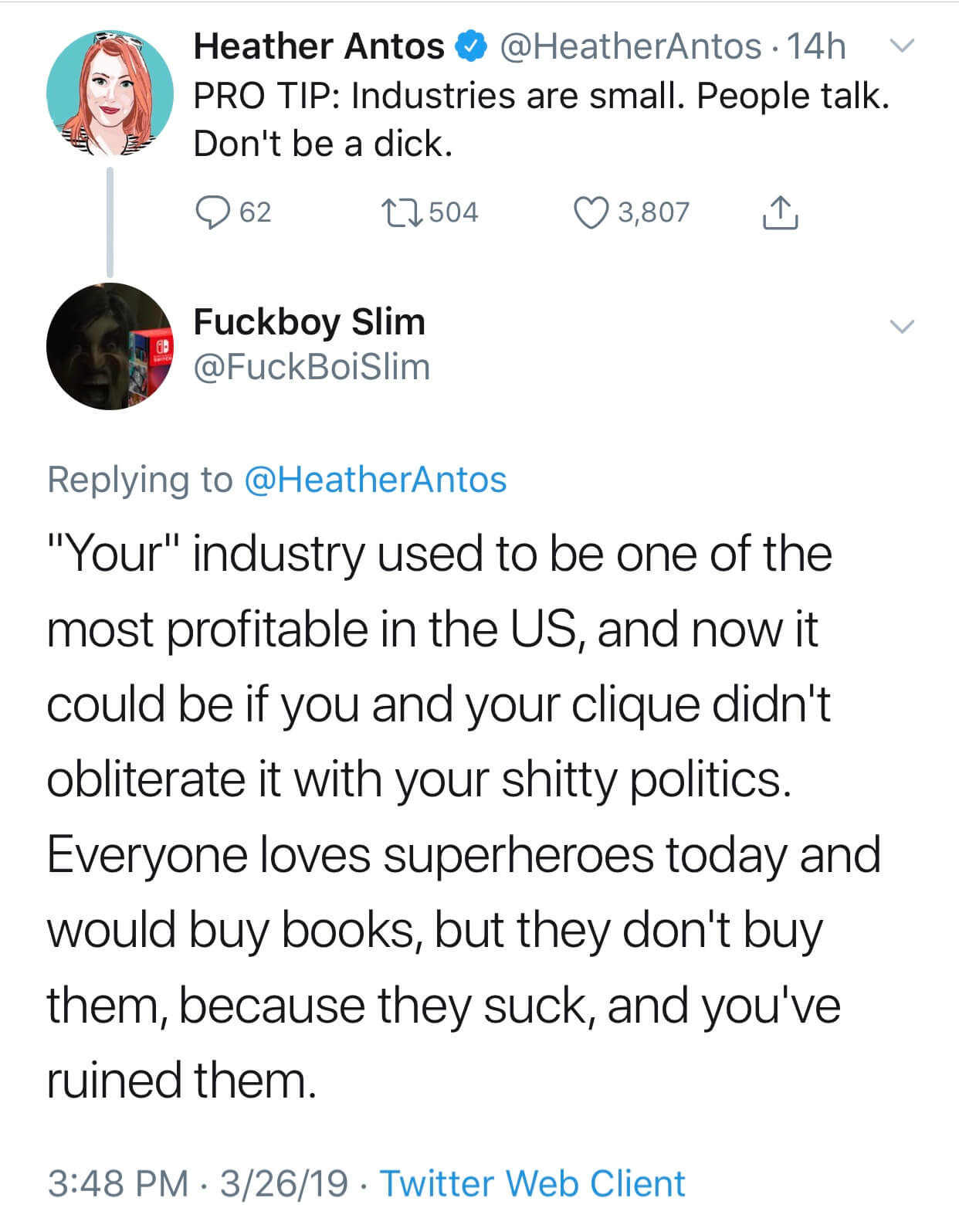
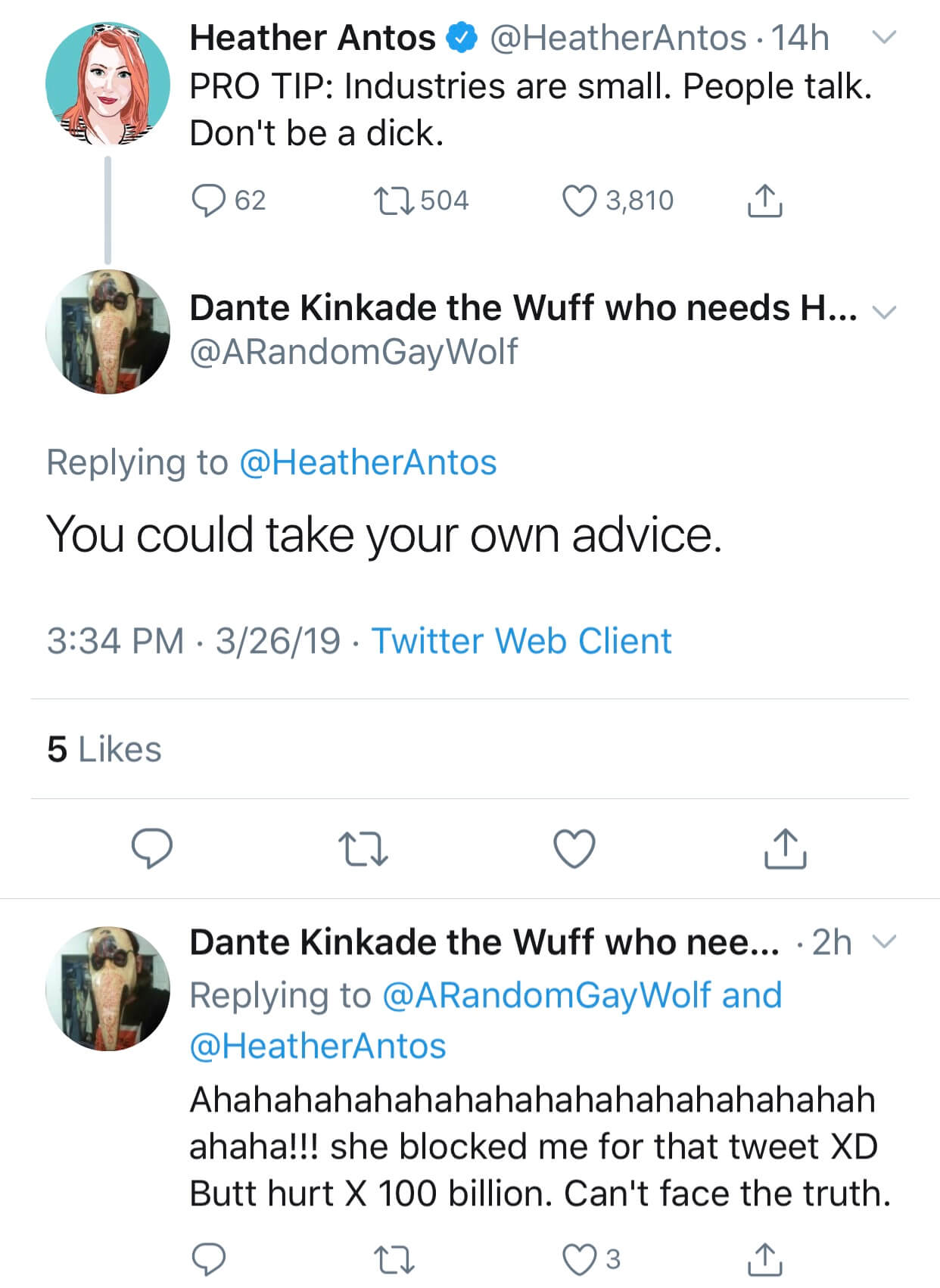

Social media obviously amplifies the worst of us. It encourages white male victimhood and it makes it way too easy to lash out anonymously. There's a whole subculture of conservative Trump fans in comics who are convinced that they are the mainstream, even as they self-publish themselves into oblivion.
But, c'mon: if you take offense at someone saying "don't be a dick," folks, the odds are about 100 percent that you're being a huge dick. This is just basic arithmetic.
Book News Roundup: The first Seattle Children's Book Festival will be September 28th
-
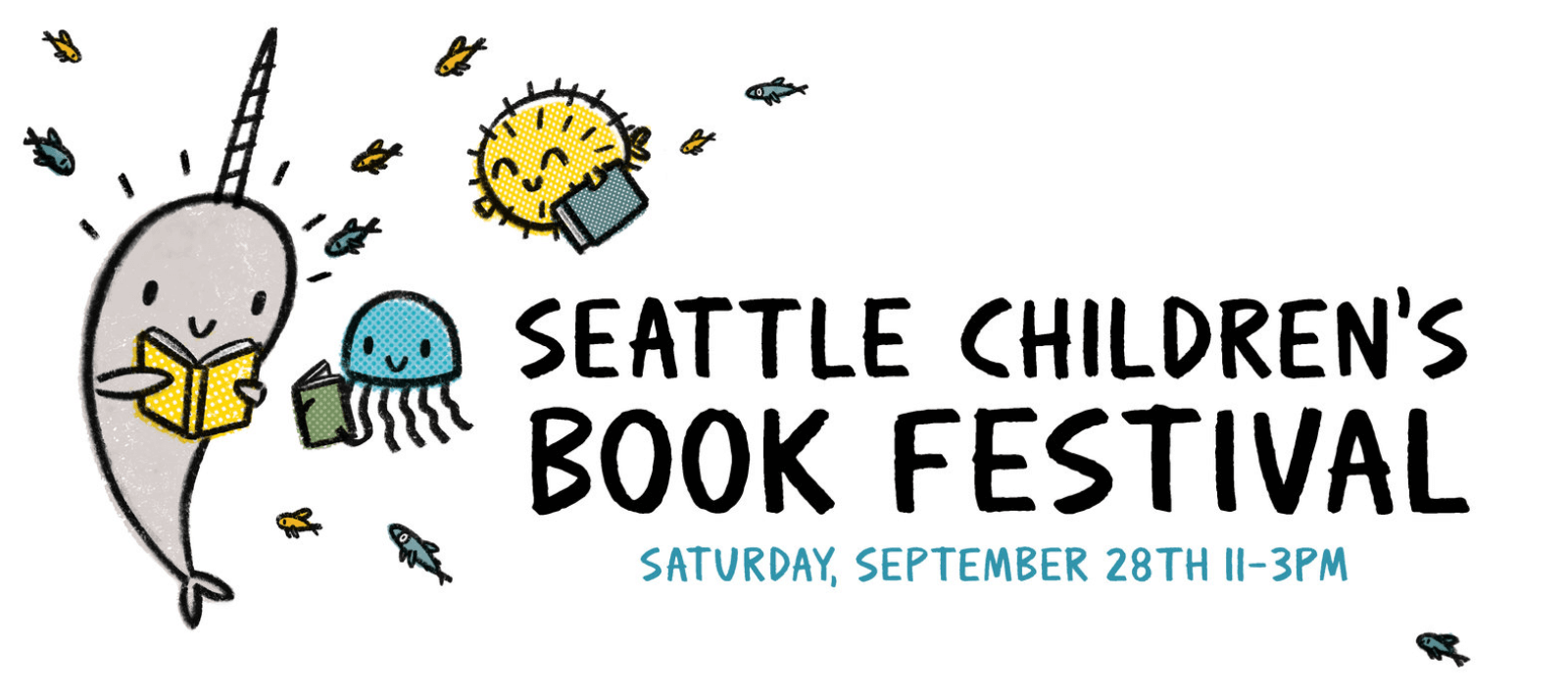
Save the date: September 28th, 2019 is the very first Seattle Children's Book Festival. It's free, it will happen at Greenwood Elementary School, and it will benefit Seattle school libraries, which is a very good cause. Here's a partial list of authors who are attending, and here's how you can apply to be a participating author.
-
You've only got about five days left to apply to be Hugo House's Writer in Residence.
-
Oprah is bringing her book club back — this time on Apple's luxury TV streaming service, which is debuting later this year.
-
The LifeWay chain of Christian bookstores will be closing this year. That's 170 stores around the country.
-
Bret Easton Ellis is a troll, and I find it's best to ignore
him. But if you're going to pay attention to Ellis, you should
do what Andrea Long Chu does in this review of his latest
book: just totally fucking cream him:
This presents a problem for the reviewer in my position: namely, whether to take the bait. I could write an incensed review that fiercely rebuts White’s many inflammatory claims, thus giving the impression that they should be taken seriously; if my review were to go viral, it would likely trigger more bad coverage on pop-culture websites like Vulture and Vice; Bret Easton Ellis might trend for a bit on Twitter, where we would all take our best shots at dunking on this dude; and at the end of it all, the author would get to feel relevant again, and maybe finally write a movie that people actually liked. But why bother? For years now, Bret Easton Ellis has been accused of being a racist and a misogynist, and I think these things are true; but like most things that are true of Bret Easton Ellis, they are also very boring.
Martha Silano may not know it, but she's as Seattle as they come
Our March Poet in Residence, Martha Silano, can recall the exact moment that she fell in love with poetry. "When I was seven," she explains, "I had an amazing second-grade teacher who read us a poem from Robert Louis Stevenson and a Poe poem."
But what happened next was the real strike of thunder. "And then when she read Emily Dickinson, it was sort of like the one-two punch. It was just a short poem — 'the rose is out of town' — but I was just absolutely enthralled."
From then on, Silano knew that poetry would be important to her. When she was nine, she recalls, "I told my mother I really needed a notebook," and that began a long history of cramming journals full of writing.
In ninth grade, Silano's appreciation saw a evolutionary leap forward when another beloved teacher insisted that her class go to see Robert Bly read when he was in town. This was her first time seeing a poet read their own work, and it resonated deeply with her: "it was the seventies and he was putting on masks and talking out against the Vietnam War. And I came home just all jazzed up." Bly's reading crystallized something in her: "I want to be a rebel," she realized that night: "I want to be a poet."
Silano went to school in Iowa and the University of Oregon, but she eventually wound up in the MFA program at the University of Washington. On her first night in Seattle, she almost attended a show from a popular new local band called Nirvana.
Since then, Seattle has been her home. "I never left," she says. So does Silano think of herself as a Seattle poet? "Not many of my poems are about Seattle," she demurs. "There was a special Seattle Magazine contest to write a poem about Seattle and I couldn't do it. I love living here, but I don't write poems about Mount Rainier."
Of course, Silano has a direct lineage that can be traced through the tradition of modern Seattle poetry. At UW, she studied under Theodore Roethke's most famous student, David Wagoner. Almost immediately, Wagoner started pulling one of her poems apart. "he said to me at the very beginning, 'if you would just figure out the music, the rhythm, the metrics, all your problems will be solved.' I went home and wrote my first sonnet because I was determined to show him I could get a handle on the metrics."
"I will always say David Wagoner was the teacher who changed everything. He rearranged my brain," Silano says, laughing that even though she's "such a feminist," she's so closely aligned in her educational history with white men — "the patriarchy." To clarify, she adds, "Heather McHugh was there, too and she was really, really important. And Linda Bierds was there, and she was important, too. I mean, I got the trifecta."
A lot of poets know how to kick off a poem with a memorable first line. But Silano's poems stand apart from the crowd because she is fantastic at writing a grabby last line — the kind of closing that leaves the reader with wind whistling in her ears. "I am never ever sure how the poem is going to end" when it begins, Silano says. "There are poems where I have worked on the ending for years, and there are ones where I get them fast — a total trance situation."
"It was Molly Tenenbaum who taught me how to tiptoe out of a poem," Silano clarifies. Tenenbaum, who was in a writing group with Silano for years, taught her that "you didn't have to put a big bow on it. My bows were just too big, and then I got more brave. I unlearned the big-bow ending." Silano has been in poetry writing and writing generation groups with some of the biggest names in Seattle poetry: Kary Wayson, Rebecca Hoogs, Kelli Russell Agodon, Erin Malone. Each of these poets has taught Silano something important about craft, and added to her experience in the Seattle poetry tradition.
It's that brilliant collection of Seattle poets who taught Silano how to expand her poetry horizons and experiment with form. She has written sonnets and pantoums. She notes with pride that she recently perfected a ghazal. "I'm following where the poem leads me," she says. "When I start to write a poem, I have to be prepared that it might not want to be free verse." And then, after a thoughtful pause, Silano adds, "but what a relief when it wants to be free verse!"
Everything is fine(s)
You should read this piece by David Kroman explaining why Seattle might soon vote to eliminate library fines altogether. Turns out, it's a class issue:
“Overdue fines do not turn irresponsible patrons into responsible ones,” the report read. “They only distinguish between patrons who can afford to pay for the common mistake of late returns and those who cannot.”
The columns of power
Published March 26, 2019, at 12:00pm
Tonight, former Seattle Councilmember Jean Godden will discuss her new memoir at Folio Seattle. Her book starts as a toothy tell-all, but it loses those teeth as the author gets closer and closer to the levers of power.
Jealous
of that star in Orion
that isn’t a star
but a nebula
giving birth to 100s
of infant stars;
if I’m not half
as helpful, a force
against the dark,
then I’m as green
as just-mown Astroturf,
as the monster my daughter
insists is under her bed
with the lime Hi-Chew
wrappers, the balls
of chartreuse yarn
she never did make
that macramé parrot with.
Jealous like Medea, who doused her hubby’s
flavor-of-the-week with fiery
brew, like the girl who pulls
the braids of the girl she wishes
she could be but can’t
because her mother won’t buy her
white patent-leather go-go boots,
nor will she be spending spring break
in the Bahamas. Oh, jealousy,
Natalie Merchant croons, nodding,
tossing her locks until heck,
she’s making us jealous of her
Oh, jealousy. Jealous of the thief
who shoplifts cake mix, shortening,
a couple tubs of pink goop,
so she can bake her kid
a birthday cake, of a thief
because jealousy steals more
than ten white tapers ever will,
though not jealous of the crickets
stuck in a gecko cage, fat and happy
as they crowd an apple core
at the table of thanks, while inside
a fake rock sleeps the unchirpable.
Jealous, though, of their easy envy
of the uncaged; they know nothing
of prizes and preaching, of poverty,
though maybe a lot about loss, but
not what it means when the radio
says holed up, at large, fleeing.
Loved ones and armed. Says scene,
which today was a place where
people eat. Says senseless says shot
says shooter, says shoot shoot
shoot, but aha, the crickets are silent,
are digging into the soft, sweet flesh
of a Honey Crisp, all for one
like Melville described extracting
ambergris from whales, elbow
to unjealous elbow, or so it appears
crickets don’t covet another
cricket’s chirp, another cricket’s cercus
or palps, though who am I to assume?
I know we all have wants, a desire
to watch Orion rise in the eastern dark,
find the fuzzy star that isn’t a star
in Orion’s sword, home in on that cloud
of dust and gas, stare for so long I forget
my nephew and I will never agree
about guns, who uses them and when,
forget who I am, what I don’t have,
what I didn’t win, stare without resentment
at the cold night, at the place where
a whole bunch of the future is being born.
Get tickets now for the 14th annual Libraries Unbound!
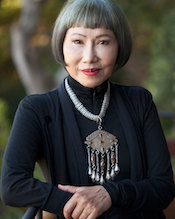
Thank you, Friends of the University of Washington Libraries, for sponsoring us this week.
The world's best book city deserves a great university library — and Friends of the UW Libraries helps the University of Washington continue to hit that mark. We're graced with a university library system that stretches over four cities and houses millions of books.
Friends of the Libraries helps make sure our college libraries are thriving and relevant, not just museums for books. The annual fundraising dinner is your chance to be part of it. Scheduled for May 2, 2019, Libraries Unbound is keynoted this year by Amy Tan and emceed by Mona Lee Locke. As in past years, every single table at the event is hosted by a local literary light. Check out the full list on our sponsor feature page, then grab your ticket before the event sells out.
You're part of the best book city in the world, and we want everyone to know who you are. Grab one of the last sponsorship slots left this spring and put your book, event, retreat, or class in front of our readers. We'd love to see you in this space.
Your Week in Readings: The best literary events from March 25th - 31st
Monday, March 25: All Its Charms Reading
All Its Charms is the latest poetry collection by Seattle-area author Keetje Kuipers, who edits at Poetry Northwest and teaches at Hugo House. Kuipers will be joined by poets Geffrey Davis and Erika Meitner. Open Books, 2414 N. 45th St, 633-0811, http://openpoetrybooks.com, 7 pm, free.
Tuesday, March 26: Citizen Jean Reading
Jean Godden was a columnist at the Seattle Post-Intelligencer back when it was a printed paper. Then she was on the Seattle City Council. Her new book, Citizen Jean, tells the stories she was too polite to tell back in the day. Tonight, she's in conversation with Seattle media mainstay David Brewster.
Folio: The Seattle Atheneum, Pike Place Market, 93 Pike St #307, http://www.folioseattle.org, 7 pm, $10.
Wednesday, March 27: The Every Other
See our Event of the Week column for more details. Vermillion Art Gallery and Bar, 1508 11th Ave., 709-9797, http://vermillionseattle.com, 8 pm, $5.
Thursday, March 28: Radicalized Reading
Cory Doctorow is a very smart writer who knows a lot about copyright and technology and the awful things that people do with copyright and technology. His latest book, Radicalized, lays out four potential near-future dystopias, including a pharmaceutical horror story and a play on Superman. Seattle Public Library, 1000 4th Ave., 386-4636, http://spl.org, 7 pm, free.
Friday, March 29: Baro Tirinta Af Soomaaliga Reading
Baro Tirinta Af Soomaaliga means Learn to Count in Somali. This is a bilingual book for kids that was created by five Somali families from south Seattle. This is an opportunity to meet the kids and parents who helped make the book a reality.
NewHolly Gathering Hall, 7054 32nd Ave S, 206-760-3296, https://www.spl.org/event-calendar?trumbaEmbed=view%3Devent%26eventid%3D131444456, 5:30 pm, free.


Saturday, March 30: Two Cartoonists
Peter Bagge continues his remarkable series of biographies of great American women with Credo: The Rose Wilder Lane Story. James Sturm's new graphic novel, Off Season, is about a relationship that falls apart in the middle of the 2016 presidential election. Together, the two men have the better part of a century's worth of experience in the comics industry. I'll be joining them onstage to talk about their careers, their latest books, and whether there's any hope for comics. Elliott Bay Book Company, 1521 10th Ave, 624-6600, http://elliottbaybook.com, 7 pm, free.
Sunday, March 31: Hard to Love Reading
Hard to Love is a book by Briallen Hopper that collects essays about love and friendship that fall outside the realm of marriage — the relationships "that are often treated as invisible or seen as secondary." The book's promotional materials promise that it's "a series of love letters to the meaningful, if underappreciated, forms of intimacy and community that are tricky, tangled, and tough, but ultimately sustaining." Third Place Books Seward Park, 5041 Wilson Ave S, 474-2200, http://thirdplacebooks.com, 7 pm, free.
Event of the Week: The Every Other

Doug Nufer is a Seattle original. He's been in Seattle since seemingly forever, publishing challenging Oulipian novels and poems, and reading in every bar, coffee shop, or bookstore that will have him.
For many years, Nufer hosted and curated a reading series called The Bar Room Writers Offensive at Barça on Capitol Hill. Sometimes he'd host wearing a forest ranger's outfit. Other times, he'd wear a suit. He'd introduce writers who excited him and charm the audience with inter-reading patter. Watching Nufer read at Barça, you got the sense that he is happiest with literature when it's alive and interacting in the world.
This coming Wednesday, Nufer is launching a new reading series at Vermillion, right next door to Barça. This series is called The Every Other because it takes place on the last Wednesday of every other month, and it features readings and music.
The first Every Other guest to share the stage with Nufer is Amber Nelson, the poet who wrote the amazing collection The Sexiest Man Alive, which is a series of monologues written from the perspective of People Magazine's Sexiest Men Alive. You might know Nelson as the publisher of the dearly beloved and absolutely missed alice blue books, but her poetry is good enough that it cures the sting of alice blue's disappearance.
Nufer and Nelson will share the evening with two musicians: drummer Bob Rees and saxophonist Wally Shoup. Shoup is an internationally known local musician who plays jazz all over town and has frequently collaborated with Nufer, including improvised live accompaniment for some of his most memorable poetry readings. He and Rees have played together for many decades.
This is an old-school Seattle literary event: some music, some booze, some experimental readings and art for the joy of art — and all for five bucks. If you're on the Keep Seattle Weird bandwagon in the face of encroaching gentrification and development, you should know that it doesn't get any weirder — or better — than this.
Vermillion Art Gallery and Bar, 1508 11th Ave., 709-9797, http://vermillionseattle.com, 8 pm, $5.
Mail Call for March 24, 2019
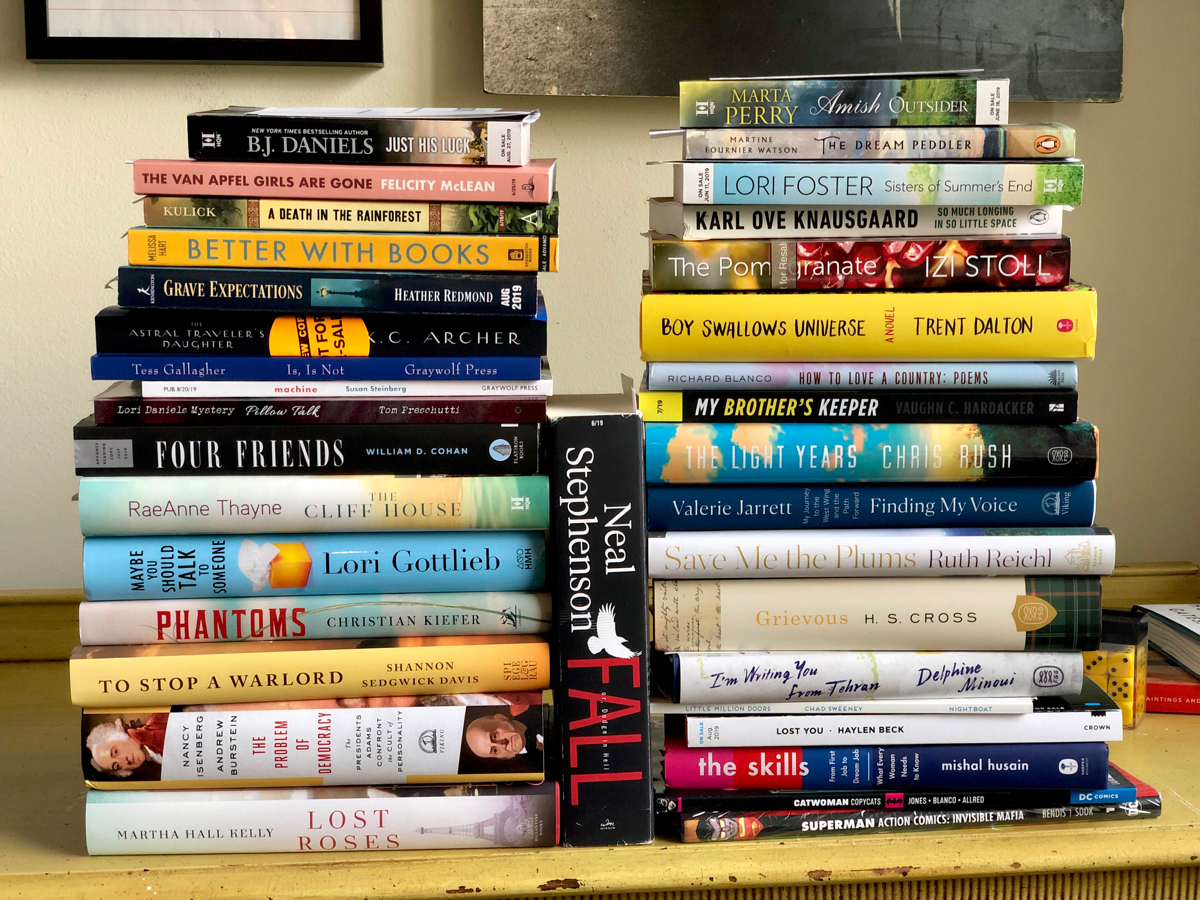
The Seattle Review of Books is currently accepting pitches for reviews. We’d love to hear from you — maybe on one of the books shown here, or another book you’re passionate about. Wondering what and how? Here’s what we’re looking for and how to pitch us.
The Sunday Post for March 24, 2019
Each week, the Sunday Post highlights a few articles we enjoyed this week, good for consumption over a cup of coffee (or tea, if that's your pleasure). Settle in for a while; we saved you a seat. You can also look through the archives.
Fuck The Vessel
An absolutely brilliant bit of architectural criticism by Kate Wagner, on Hudson Yards's Vessel (sorry, Hudson Yards's The Vessel). The Amazon Globes are begging for a treatment this smart — and smartly laced with scorn.
What is public space if not that land allocated (thanks to the generosity of our Real Estate overlords) to the city’s undeserving plebeians, who can interface with it in one of two ways: as consumers or interlopers, both allowed only to play from dawn ‘til dusk in the discarded shadows of the ultra-rich? Unlike a real neighborhood, which implies some kind of social collaboration or collective expression of belonging, Hudson Yards is a contrived place that was never meant for us. Because of this, the Vessel is also a Vessel for outrage like my own.
The Reckoning of Morris Dees and the Southern Poverty Law Center
Bob Mason, one-time employee of the Southern Poverty Law Center, reflects on its founder's firing. An interesting take on the abuses of power that we tolerate when we're on the inside, and what that looks like when the glaze of 16-hour days wears off.
For those of us who’ve worked in the Poverty Palace, putting it all into perspective isn’t easy, even to ourselves. We were working with a group of dedicated and talented people, fighting all kinds of good fights, making life miserable for the bad guys. And yet, all the time, dark shadows hung over everything: the racial and gender disparities, the whispers about sexual harassment, the abuses that stemmed from the top-down management, and the guilt you couldn’t help feeling about the legions of donors who believed that their money was being used, faithfully and well, to do the Lord’s work in the heart of Dixie. We were part of the con, and we knew it.
Against Catharsis: Writing is Not Therapy
Memoirist T Kira Madden on the magic trick through which experience becomes memory becomes story.
From then on, as we tell and retell the story of the raft or the wet rock or was it a story about women and oceans? Or resilience? Or vacations? Or the fact that grandfather wasn’t alive to be there? We are essentially only recalling the last time the story was told. The purity of The Memory is gone. It has become texturized, woven, dramatized, for better and for worse. It is both the deepest loss and greatest gift I’ve experienced in my life.
The Gift at the Edge of the World
The New York Times has been doing some cool things lately with microanimation and other subtle (or not-so-subtle) digital tricks. It's an easy hand to overplay, but they're doing a great job with it — using flare in the right places, in the right ways, to set mood and show the story. This illustrated piece by Brian Rea is simply magical.
The island is only about 50 acres, but it's quite easy to get lost. Distances walking in the forest are hard to determine. You spend so much time walking over, under and around branches, brush and fallen trees that a simple hike can quickly become a disorienting journey. There are no straight lines in a forest.
Whatcha Reading, Martha Silano?
Every week we ask an interesting figure what they're digging into. Have ideas who we should reach out to? Let it fly: info@seattlereviewofbooks.com. Want to read more? Check out the archives.
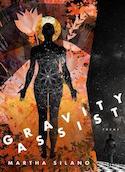
Martha Silano is the author of five poetry books, including the just-released Gravity Assist. As the Seattle Review of Books Poet in Residence for March, she's released three new poems over the past few weeks: Angel of the Wind, One More Monarch, and My Mother's Denial, with one more to come next Tuesday, March 26th. She'll be appearing May 17 at the Elliott Bay Book Company with Francesca Bell, Keetje Kuipers, and Tiffany Midge, then again May 22 at Third Place Books in Seward Park with Kevin Craft and Laura Da'.
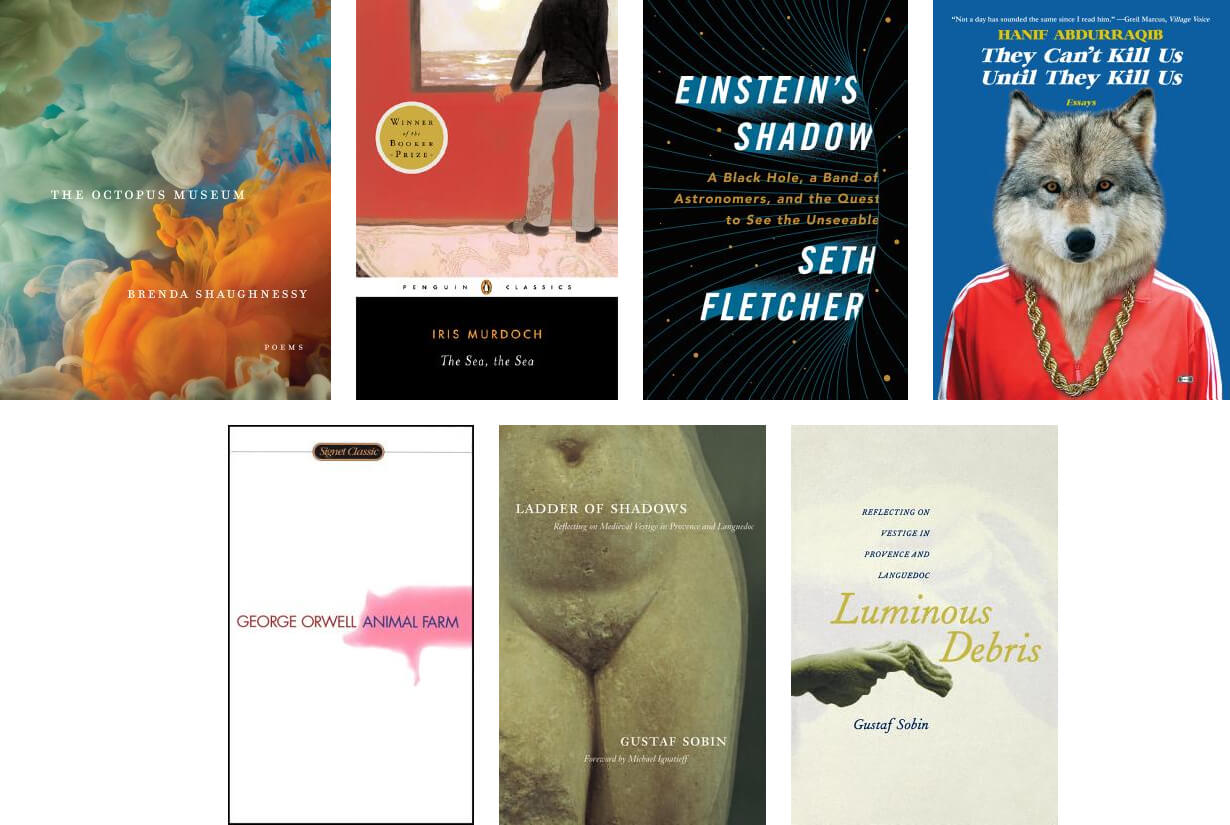
What are you reading now?
The Octopus Museum by Brenda Shaughnessy, a book about what happens to a poet’s brain under the influence of our current administration, especially its policies regarding the treatment of children, women, the marginalized, the non-Christian, the non-white, and just about everyone else except those in power: the rich as f*ck, well-insured, lawyered-ed, and not terminally or mentally ill, womb-possessing, or addicted to opiates, to name a few. What happens when a writer is pushed to consider the end of civilization as we know it? Our precious ‘what was’ is overthrown by an even more repressive governing council known as the octopus overlords. I can’t even begin to summarize the wonders of this book. The poems express desperation, cynicism, misery and heartbreak, yet somehow there’s levity, playfulness, and wisdom at every turn. The poems are elastic and inflexible, wobbly and strong. In “No Traveler Returns,” the speaker introduces herself as a mother, a lover, a “wild tentacled screaming creature,” “gasoline,” a forgetter, and a knower of numbers. And that’s just the first poem. Shaughnessy’s poems demand multiple readings, which is always a good sign. After half a dozen or more reads, I start to think I have a handle on what’s she’s up to, though thankfully not quite. Is this an accessible book? Not so much. Am I enthralled by the subject matter, word play, voice, and cadences? Hell, yes.
Psst: I’m also currently reading:
- The Sea,the Sea (Iris Murdoch)
- Einstein’s Shadow (Seth Fletcher)
- They Can’t Kill Us Until they Kill Us (Hanif Abdurraqib)
What did you read last?
Confession: I had never read Animal Farm. I recently had the pleasure of seeing a stage production of it at my daughter’s school, and I am so glad I did! My daughter had been bugging me for months to read the book before I saw the play. However, after seeing the play I ran home and read the book in one sitting. What’s not to love about Orwell and, in particular, a bunch of talking animals getting languaged out of their fair share? An apt book for our times. I need to read 1984 next (yes, another classic I managed to duck out on), but it will have to wait till the summer, because…
What are you reading next?
Ladder of Shadows by the great Gustaf Sobin (1935-2005). Why? Because I just finished reading Sobin’s Luminous Debris. (Surprise, I am usually reading four or more books at once). Sobin lived for many years in Provence. Spoiler alert: he is not Peter Mayle. Instead, Sobin writes utterly gorgeous lyrical essays about early human history — moon goddesses, weird-ass mirrors, toponyms, the cult of skulls, a Roman aqueduct that went from being a life-giving font of spring water to a way to flush out the sewers of Nimes. No guarantees, but I am positing Ladder of Shadows, with its chapter headings The Sarcophagi of Arles, the Dark Ages A History of Omissions, and Mary Magdalene the Odiferous, will be a spellbindingly good read.
The Help Desk: Got hot sauce in my bag
Every Friday, Cienna Madrid offers solutions to life’s most vexing literary problems. Do you need a book recommendation to send your worst cousin on her birthday? Is it okay to read erotica on public transit? Cienna can help. Send your questions to advice@seattlereviewofbooks.com.
Cienna,
How would you feel about foot binding for men for a few decades until we equal out the gender disparity? At least they couldn't run very far when we #metoo them.
Just a little pissed still, Ballard
Dear JLPS,
Nice visual but I like my men to be able to run when I scream for them, not hobble like foundered goats.
I understand your ire. You could obsessively focus on the 12-47 percent of our population who believe women should be kept in a box, have warranties, and if a baby a year doesn't explode from their nether fountains – or worse, if their fountains dry up – their lady parts should be recycled into yummy treats for clever hunting dogs.
But where will that get you besides bankrupt on foot bindings and eventually locked in a size 12 cage in a shithole farm outside an ironically named town like Ritzville, Idaho?
Nowhere, that's where.
Instead, I suggest you channel your frustrations into something productive – like volunteering to help me patent various spider-related inventions because, let me tell you, hot sauce is but the TIP OF THE ICEBERG. Imagine if women could spit venom when provoked?! IMAGINE.
kisses,
Cienna
The Portrait Gallery: UNESCO World Poetry Day
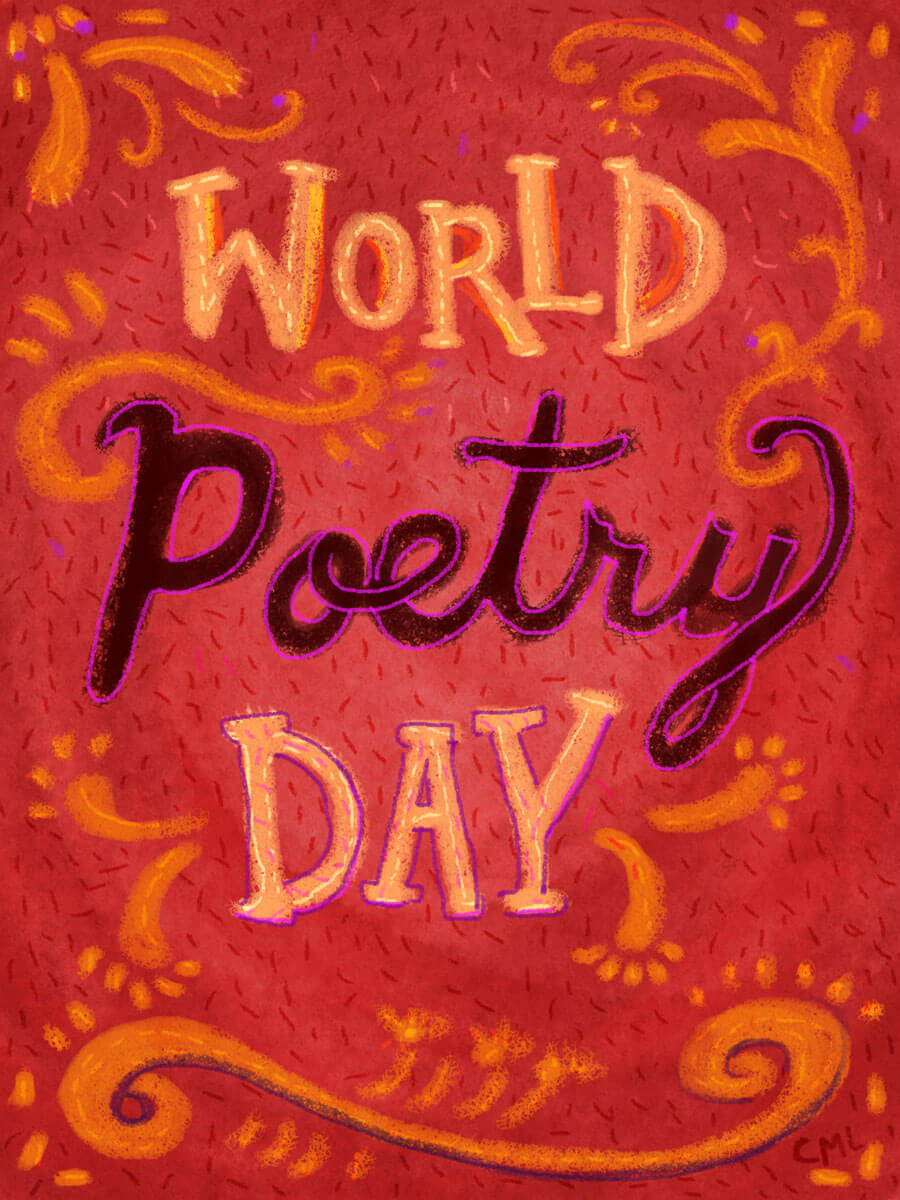
It's UNESCO World Poetry day, today. Spend some time with your favorite poets, and perhaps take a moment to read some poetry in translation?
Thursday Comics Hangover: Spider-Man grows up?
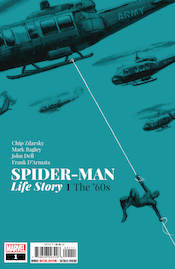
One of my favorite aspects of comics is the way they leave time largely up to the reader. A good artist can coax a reader into reading at a certain speed or rhythm through manipulation of panel layouts and spatial tricks on the page, but ultimately, every reader engages with a comic at their own pace. There's no real way to watch a movie at your own pace, but in comics the passage of time is a collaboration between creator and reader.
It's odd, then, that superhero comics always feel so timeless. Many of the characters fans have been following since the 1940s have basically become immortal — ageless beings who wear and discard the trappings of contemporary culture as easily as you or I might swap a pair of pants. When it comes to Superman and Spider-Man, we have no control over the passage of time. They stay roughly the same age forever, and we pass them by on our way to the grave.
Yesterday, the first issue of a new series by writer Chip Zdarsky (who you may also know as the artist of Sex Criminals) lifts the spell of immortality off of one of the most popular characters in comics. Spider-Man: Life Story is a limited series that begins with Spider-Man's origin in 1962, and then it follows the character in "real time" as he ages to the present day. Each book in the series is set in a decade in the character's life, beginning with the 1960s.
This idea has been done before: John Byrne wrote and drew a series called Generations at DC that followed Superman and Batman through the years, allowing the characters to age and have children and pass their legacies on to future generations. But it's just too good a concept to only do once, and Zdarsky's interpretation of the idea is much less gimmicky than Byrne's, which contorted itself into a sort of rhyming structure for no good reason.
The first issue of Life Story allows Zdarsky to use the Spider-Man character to examine the Vietnam War. Though early Marvel Comics are praised for being politically active in a way that DC Comics at the time were not, Marvel's creators largely left the war out of their books. Perhaps including Vietnam in comics would have felt too frivolous. But in retrospect, it's bizarre that Peter Parker never really expressed much angst about the draft.
In Life Story, Zdarsky finally puts Spider-Man through the moral conflict that the character always avoided. He wonders aloud, "What do I do? I have power. Shouldn't I be--shouldn't I have a responsibility to go [to Vietnam]?" Every young person in the late 1960s had to ask themselves some variation of that question, and it only makes sense that Peter Parker, with his guilt and his dutiful nature, would ask those questions.
Life Story is drawn by Mark Bagley, who has become the quintessential Spider-Man artist for at least two generations of comics readers. His work has never had the bizarre edge of Steve Ditko, but in Life Story he captures the wholesomeness of John Romita, and it works perfectly. The book might lack some of its heft if it were drawn, say, by some quirky indie comics superstar. Bagley has spent so many years as a straightforward superhero artist that the moral dilemma of Vietnam feels even more complex when his characters question it.
I don't want to spoil the last page of Life Story, but let me say that it's one of the most surprising final pages I've read in a superhero comics in recent memory. It's a decision that actually feels brave, and it left me panting to read the next issue. This could be the most interesting Spider-Man book Marvel Comics has published in years — possibly since the wildly unpleasant issue in which Seattle cartoonist Peter Bagge imbued Peter Parker with Ditko's Objectivism. This is only the first of six issues, of course, and pretty much anything could happen in the rest of Life Story. But after this first issue, I'm hooked.
Cut off at the source
If you're going to write a book about real people, please make sure that your subjects are okay with having their real names published.
Florida law to make it easier to ban books
Here's an addendum to yesterday's commentary on the conservative war on free speech: A Florida Republican is trying to pass a bill that would make it easier to ban books in schools. Kelly Jensen at BookRiot notes:
This bill comes because of concerns from the Florida Citizens Alliance, which has a history of attempted censorship in Florida schools. What makes this particular bill more terrifying for educators and librarians in the state is that it’s not just parents who’d be empowered to recall a book — any citizen could step forward, deeming a book “unacceptable,” putting not only educators and librarians at risk, but the entire system of education itself.
If it were to pass, teachers and librarians who violated the law could be found guilty of a third-degree felony.
How a "literate and literary stripper" is adapting classic fiction for the burlesque stage
Seattle excels at interdisciplinary arts organizations — groups that combine literature with other arts like music (as with the Bushwick Book Club) and theater (The Book-It Theatre.) And for many years, literature has flirted with more risqué arts, in form of the Naked Girls Reading Series (a Chicago-based series which was exactly what it says: naked women reading stories) and several groups that tie together literature and burlesque.
On April 12th and 13th, Seattle's newest literary burlesque endeavor, The Noveltease Theatre Company, debuts a new production interpreting Baron Munchausen into a 90-minute stage show titled ADVENTURE! Marvelous Tales of the Baron Munchausen.
On the phone, Noveltease performer Sailor St. Claire explains that these dancers have a long history of interacting with books. Both St. Claire and Noveltease dancer Polly Wood participated in Naked Girls Reading, and many of the other performers have roots in the city's nerdlesque scene. St. Claire has a doctorate in English literature.
Her academic research developed in tandem with her burlesque career. As she did her academic research, St. Claire says, "there a lot of conversation between my doctoral work and what I was doing on stage. It's interesting to me from a more theoretical perspective to think about what the relationships between pages and stages are." She explains, "I'm so interested in how bodies appear in literature — what we do when we encounter a nude body in a text, and what we do when we encounter a nude body on the stage."
St. Claire says burlesque, which is "a vocabulary of revealing things," is "a great pairing with literature." Just as literary critics and authors who adapt books to other arts have to unravel the deeper meaning of a text, Noveltease's dancers are metaphorically revealing a truth in these stories by revealing more of themselves onstage.
"My branding game is on point, I guess," St. Claire explains, "as a literate and literary stripper." The road to Noveltease began with St. Claire's partnership with the choreographer Fosse Jack. Together, over the past four years, they've interpreted works by Tennessee Williams and Mary Shelley with original choreography.
What can literate audiences who've never attended a burlesque show expect from Noveltease? St. Claire wants to make sure that Seattle Review of Books readers understand that the pairing is not new or unusual. "Burlesque itself is a literary term," she says, which "refers to a specific genre of literature that has satire and comedy and parody in it. And that's also what translated to the burlesque stage in the 1880s and 1890s."
"The work that we do in Noveltease is to elaborate on both meanings of that literary term," St. Claire explains, "to take how burlesque functions within the context of literature, and then how it has functioned in the context of theater, and explore that through contemporary burlesque."
And St. Claire points out that reading itself is an intensely physical act: "I would assume that an audience that is invested in reading is also invested in the visceral and embodied experience that you have when you're reading something that's really good," she says. "We're just externalizing that. We're putting that embodied experience on the stage."
All that sounds serious, but St. Claire adds, Noveltease is "not like a library. You don't have to be quiet. You're allowed to laugh and be audience members." The goal is "to ask people to encounter literature in a new way."
For the moment, Noveltease is going to focus on works in the public domain — partly for legal reasons, but also because "we have this really staid idea of what the classics are — you know, for all intents and purposes they're generally written by old dead white men," St. Claire says. "I think that in doing burlesque versions of stuff written by old dead white men, there's a lot of opportunity to rework and revise the canon and to attempt to take these stories that belong to a particular perspective and make them stories that could belong to other perspectives." She says future outings from Noveltease aspire to resurrect old works so that they "resonate with a modern audience — to actively queer [a text] or actively make it more feminist."
So what's the process of adaptation like? "We'll read the book, we'll think about how it becomes a dance, and then we'll think about how the dance interacts with the words," she says. St. Claire argues that Munchausen's episodic nature made it a great fit with Noveltease.
In the beginning, the group read the book and asked themselves, "what parts of this are burlesque-able?" The performers chose the passages that they most wanted to perform, and then they began editing the text. "This is language from 1785," St. Claire explains, "so a lot of editing is trying to clarify incredibly long sentences full of embedded clauses, so that human beings now could actually get their mouths around them and say them on stage."
Baron Munchausen, in particular, is a text that is ripe for reappropriation. For years after its publication, authors would add new chapters to the story, republishing the original text with a few new passages and claiming the whole book — and its attendant profits — as their own. St. Claire loves that the book has "an interesting history of theft and appropriation and adaptation as a text." Noveltease is adding to that great tradition, building on the book's legacy even as it strips away some of its mysteries.
Don't play Devin's advocate on the topic of free speech
Shot: Devin Nunes is a heroic defender of free speech.
Chaser: Devin Nunes thinks people on Twitter are too mean, so he's suing the site.Sad to hear @youtube is censoring @prageru https://t.co/dk0OtOCznV
— Devin Nunes (@DevinNunes) March 12, 2019
In the suit, Nunes accuses Twitter of having a “political agenda” by allowing two anonymous accounts—“Devin Nunes’ Mom” (@DevinNunesMom) and “Devin Nunes’ Cow” (@DevinCow)—and [political consultant Liz] Mair to attack, defame, and demean him.
The complaint is full of fantastic language like this one:
In her endless barrage of tweets, Devin Nunes’ Mom maliciously attacked every aspect of Nunes’ character, honesty, integrity, ethics and fitness to perform his duties as a UnitedStates Congressman. Devin Nunes’ Mom stated that Nunes had turned out worse than Jacob Wohl; falsely accused Nunes of being a racist, having “white supremist friends”and distributing “disturbing inflammatory racial propaganda”
This is more proof that when it comes to right-wing dickwads like Nunes, "free speech" only matters when it's a conservative doing the talking. They want to actively suppress the language of anyone they dislike. Please, please remember this the next time you read some concern trolling by a conservative pundit or any of their assorted useful idiots.
Destroyer of Worlds
Published March 19, 2019, at 12:00pm
Most people don't realize that the race to harness atomic energy took place right here in Washington state. A new novel by Spokane author Sharma Shields stares directly into the horrors of Hanford.
My mother’s denial
can only be compared to the scent
of my Uncle Pete’s Delta 88
the night he hit a skunk.Dizzy. Nauseous. Breathing
into a pillow. All across
Tennessee and Arkansas —a warning for speeding
in Paducah, the orange-lit
on-ramps of Memphis,the flooded fields of Jericho —
my mother in the front seat
refusing to acknowledge it.
It looks good on paper
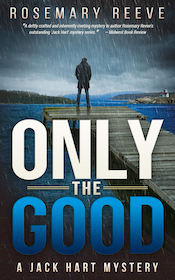
Our sponsor this week is Rosemary Reeve, author of the Jack Hart mystery series. The third Hart novel, Only the Good, is just as delightful as the first two: fast-paced and thrilling, but generous, too. It's impossible not to like Jack Hart, and not only because his stomping grounds are ours: Hart's a Seattle attorney with a talent for finding himself on the dubious side of the law.
Hart is also a man with a difficult family. His mom is heading into her first marriage; his long-lost father is leaving sizeable legal footprints that only Jack can cover up. When dad's paper mill burns down, it'll take more than a good bottle of wine to keep client Fidelity Insurance on Jack's side. It's a tasty thriller, definitely worth spending your lunch hour on our sponsor feature page.
to sample chapter 1.We love highlighting independent authors with a Seattle twist, like Rosemary Reeve, and like you. Put your book, reading, or class in front of our readership of writers, industry professionals, and avid book fans — and support the site you come to every day for the best reviews and book news in the city. Grab the last dates in April before they're gone!
Your Week in Readings: The best literary events from March 18th - March 24th
Monday, March 18: Writing Circle With Hugo House
Seattle stand-up comedian and talented gag cartoonist Brett Hamil facilitates a writing circle in which you can bring a piece you're working on, talk through some problems, and provide feedback to other writers. All are welcome.Seattle Public Library, Columbia City Branch, 4721 Rainier Ave S, 386-1908, http://spl.org, 6 pm, free.
Tuesday, March 19: Building Characters
As part of the Hugo House's series of craft talks from established and well-regarded authors, Andre Dubus III will discuss his knack for creating memorable and believable characters with Seattle author Jennifer Haigh.
Hugo House, 1634 11th Avenue, 322-7030, http://hugohouse.org, 7 pm, $15.
Wednesday, March 20: Three Sci-Fi Writers
Three of Seattle's best and best-loved science fiction writers — Nancy Kress, Jack Skillingstead and Daryl Gregory — will be interviewed by Adam Rakunas, who is a younger Seattle sci-fi writer who is also held in very high esteem.
Seattle Public Library, 1000 4th Ave., 386-4636, http://spl.org, 7 pm, free.Thursday, March 21: Lit Fix
The sixth anniversary of the Capitol Hill-based reading series features a high-quality lineup: Florangela Davila, Kirsten Sundberg Lunstrum, Jane Wong, and Margot Kahn Case. Joy Mills and Tom Parker will play songs. Proceeds benefit Team Read, which trains readers to teach kids how to read.
Vermillion Art Gallery and Bar, 1508 11th Ave., 709-9797, http://vermillionseattle.com, 7 pm, $5.
Friday, March 22: Two Poets
Open Books brings two great poets together for a reading. You know S. Brook Corfman for the debut collection Luxury, Blue Lace, and you know poet Malcolm Friend, who is originally from Seattle, for his collection Our Bruises Kept Singing Purple.
Open Books, 2414 N. 45th St, 633-0811, http://openpoetrybooks.com, 7 pm, free.
Saturday, March 23: Poetry Brunch
See our Event of the Week column for more details.
Corvus & Co, 601 Broadway E, 420-8488, https://www.facebook.com/corvusandcompany/, 11 am, free to enter but buy some brunch.
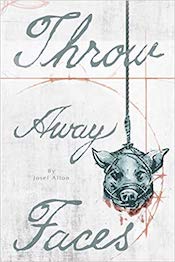
Sunday, March 24: Throw-Away Faces Reading
Seattle writer Josef Olsen's new book is about a "string of patricides [in] 1916 Dublin and a washed-up Scottish doctor [who] receives a mysterious manuscript from a fellow Scotsman recounting his dark experiences in the pioneer city of Seattle in 1889."
Spooked in Seattle Ghost Tours, 102 Cherry St, 425-954-7701, http://spookedinseattle.squarespace.com, 5 pm, free.
Literary Event of the Week: Poetry brunch at Corvus & Co
Don't get me wrong — I love a good old-fashioned reading. But it's good to see people occasionally grab the traditional formula and shake it up to see what happens. What if your schedule keeps you away from the traditional 7 pm weeknight bookstore event? How do you get new people to show up if you keep following the same patterns?
Luckily, Seattle indie literature enthusiast Kate Berwanger has some ideas on how to bring readings to a new venue. This Saturday at Corvus & Co on Broadway, Berwanger is hosting a literary brunch featuring six poets who'll read as you drink and eat.
The biggest name on the docket is Sarah Galvin, who is perhaps the Seattle poet you should most want to spend brunch with. Galvin is a hilarious and adventurous poet whose work translates well to exciting new venues.
But Galvin isn't the only writer whose name you'll recognize. Sonya Vatomsky is a writer whose work has appeared in the New York Times and Smithsonian Magazine, in addition to their debut poetry collection, Salt Is For Curing. Vinnie Sarrocco has a collection coming out this year from Pioneer Square's Chatwin Books.
And you might meet one or two new favorite poets, too: Alexis Lopez, Meredith Clark, and Vi Tranchemontagne will also be reading. This is an array of writers with a good mix of ages, backgrounds, and styles. They're all at different points in their careers. And they're all reading poetry much earlier than they otherwise would.
Whether your favorite brunch beverage is a bloody Mary or a black coffee, you'll likely find the perfect accompaniment for your pancakes and eggs. And who knows? Maybe after you attend your first 11 am reading, you'll never want to go back to sleepy old seven pm readings ever again.
Corvus & Co, 601 Broadway E, 420-8488, https://www.facebook.com/corvusandcompany/, 11 am, free to enter but buy some brunch, 21+.
The Sunday Post for March 17, 2019
Each week, the Sunday Post highlights a few articles we enjoyed this week, good for consumption over a cup of coffee (or tea, if that's your pleasure). Settle in for a while; we saved you a seat. You can also look through the archives.
White Nationalism’s Deep American Roots
Adam Serwer's exploration of America's history of white nationalism, and how it influenced and was adopted by Nazi Germany, is full of ugliness. It's tempting to call it "chilling," but that's a luxury we can't afford — things that are chilling are other than us, different from us, and this is, unfortunately, who America has been and for many people still is.
What's truly chilling is the thought that we might not choose, whenever we can, to be other than this.
Nazi lawyers carefully studied how the United States, despite its pretense of equal citizenship, had effectively denied that status to those who were not white. They looked at Supreme Court decisions that withheld full citizenship rights from nonwhite subjects in U.S. colonial territories. They examined cases that drew, as Thind’s had, arbitrary but hard lines around who could be considered “white.”
The Nazis reviewed the infamous “one-drop rule,” which defined anyone with any trace of African blood as black, and “found American law on mongrelization too harsh to be embraced by the Third Reich.”
On Kids and Comics
This is one of the most delicious weekends of the year to be downtown — our city is filled with superheroes and supervillains, antiheroes and anime, icons and iconoclasts. It's impossible not to catch a buzz from the very serious play of Emerald City Comic Con! In honor of the event, check out this great issue of "All the Books I'll Never Read," a newsletter from bookseller, blogger, podcaster, and sometime Seattle Review of Books reviewer Emma Nichols.
I think comics make difficult topics more approachable and understandable. And let’s be realistic, the world is full of injustice, terror, and bullies. We should prepare our kids, let them know that life isn’t fair, while simultaneously teaching them how to fight back.
W.S. Merwin, Poet of Life’s Evanescence, Dies at 91
As a student of poetry, many years ago, I could have written an appropriately precise and boring encomium to W. S. Merwin on the occasion of his death.
Fortunately, I'm no longer a student of poetry, and I can write instead, simply, that a beloved voice has gone quiet. Margalit Fox says the rest.
Most reviewers praised his relentless deployment of poetry as a talisman against the void; the emotional ferocity beneath the cool, polished surface of his lines; and his use of language so pure and immediate that it could attain translucence.
Whatcha Reading, Tatiana Gill?
Every week we ask an interesting figure what they're digging into. Have ideas who we should reach out to? Let it fly: info@seattlereviewofbooks.com. Want to read more? Check out the archives.
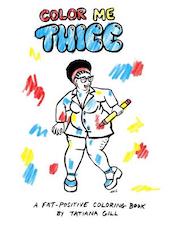
Tatiana Gill is a Seattle-based cartoonist, illustrator, and creator of many books focused on addiction recovery, mental health, and body positivity, including Wombgenda: Feminist Comics, Blackoutings: How I Quit Drinking, and the recently released Color Me Thicc: A Fat-Positive Coloring Book. She's appearing with fellow local comic artist and writer Colleen Frakes today, Saturday March 16, from 4-6 PM at Outsider Comics and Geek Boutique.
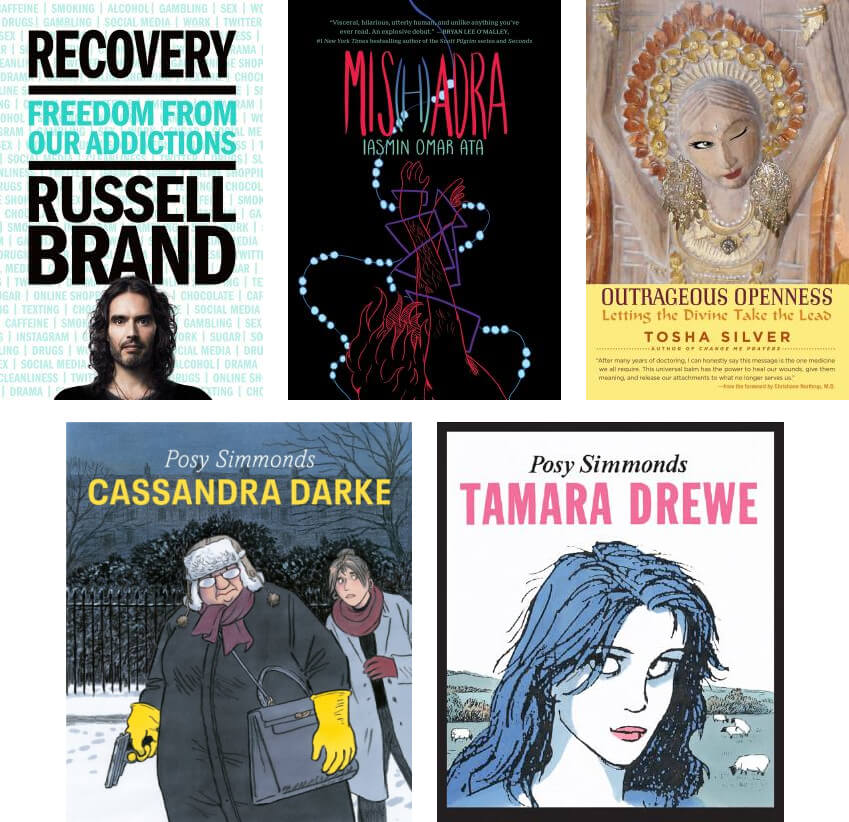
What are you reading now?
Recovery: Freedom From Our Addictions by Russell Brand. My 12-step sponsor suggested we read it aloud to each other, and we're a few chapters in. Brand explains the 12-steps in a very funny, irreverent, and G-word (God) free context, sprinkled with anecdotes from his own life and struggles with addiction. As I have been practicing the 12-steps for years, I find it very insightful and full of laugh-out-loud moments. I have heard people speak of how the language of the more traditional 12-steps, crafted in the 1930s and rich in the G-word, alienates them. I think Brand's more modern translation of the same principles is a valuable resource.
What did you read last?
Mis(h)adra by Iasmin Omar Ata. It's semi-autographical graphic novel about a college-going man's struggles with epilespy. I could really relate to the subjects of having complicated illnesses and being misunderstood by doctors, loved ones, and society. But some of it was confusing to me, I didn't understand some of the more abstract parts. I guessed that this well-received book is speaking the language of younger people than I, with it's manga/anime style, and I may be past the ideal age range for it at 44. But I did understand what Ata was saying about the need for patient advocacy and community support. Self-care is half the battle and the other half of the battle is asking for help, and continuing to seek out second opinions when met with misunderstanding and misdiagnoses (easier said than done with limited resources, of course).
I also recently read Outrageous Openness: Letting the Divine Take the Lead by Tosha Silver which I loved. I love a fruity 'woo-woo' self help book but it's easy for them to be low quality, this one was high quality. It's a collection of essays from Silver's astrology column in the San Francisco Examiner. I was struggling with depression and faith when I read it, and I found an uplifting solace in her words. I could pick up what she was laying down and absorb those sweet post-hippie SF vibes while I was at it.
What are you reading next?
Cassandra Darke by Posy Simmonds. I am so excited for this graphic novel! I ordered it from the UK, which I do on very rare occasion (I usually borrow graphic novels from the Seattle Public Library, but I couldn't wait for this). I read Tamara Drewe by this British author a few years ago, and it was great - and it's how I learned the word "slag." In this new book the female protagonist is fat, old, and antisocial. When I am consuming media with a female, fat, old, cranky protagonist (which is produced so rarely), I feel the joy of representation, which helps me to relax and enjoy the story. In this rare representation I see someone like me being important and worthy of carrying a story. When it's a skinny, young, outgoing female (or most any kind of male) protagonist, there's a disconnect, it can be harder for me to relate — or worse, I can wind up aspiring to be something I don't have the means to actualize.
The Help Desk: Insert good title here
Every Friday, Cienna Madrid offers solutions to life’s most vexing literary problems. Do you need a book recommendation to send your worst cousin on her birthday? Is it okay to read erotica on public transit? Cienna can help. Send your questions to advice@seattlereviewofbooks.com.
Dear Cienna,
Sometimes, my eye just catches on a fantastic title. My favorite title of all time is Legacy of Ashes, which is the title of a book that's a history of the CIA. I haven't even read the book, but that title really says it all, doesn't it? I worry that the rest of the book won't be able to live up to the title.
What do you think makes a good title? Do you have favorite titles?
Denise, Maple Leaf
Dear Denise,
Why haven't you read Legacy of Ashes? Go read it now and report back on whether the book lives up to its title. Many classic books have very straightforward titles that get to the person, place or thesis of the whole thing – think Crime and Punishment, Wuthering Heights, Moby Dick – but I feel as if there is a trend among contemporary authors to worry as much about the cleverness of their title as they do about the quality of the work itself, and a great title to a mediocre book is as disappointing as a someone named Sir Shanksalot trying to sell you face cream from a kiosk in the mall.
A great book title alludes to the grist and bones of the work. Here are a few of my favorites: Confederacy of Dunces and Heart of Darkness, both of which are pretty self explanatory, while Fahrenheit 451 (the temperature at which books burn) and To Kill a Mockingbird (a reference to innocence lost) are more poetically subtle.
I don't write books but I will do almost anything with words for drinks or tips – it's what separates us from the beasts. Here are a few titles I'm currently shopping around:
- Bigly Word Building: The Making of the Trump Library
- Putting the Us Back in Pussy: An Unauthorized History of the Girl Scouts
- Mustache Rides: The Heartwarming Story of a Girl Whose Dad Wouldn't Buy Her a Horse
Kisses,
Cienna
Portrait Gallery: ECCC
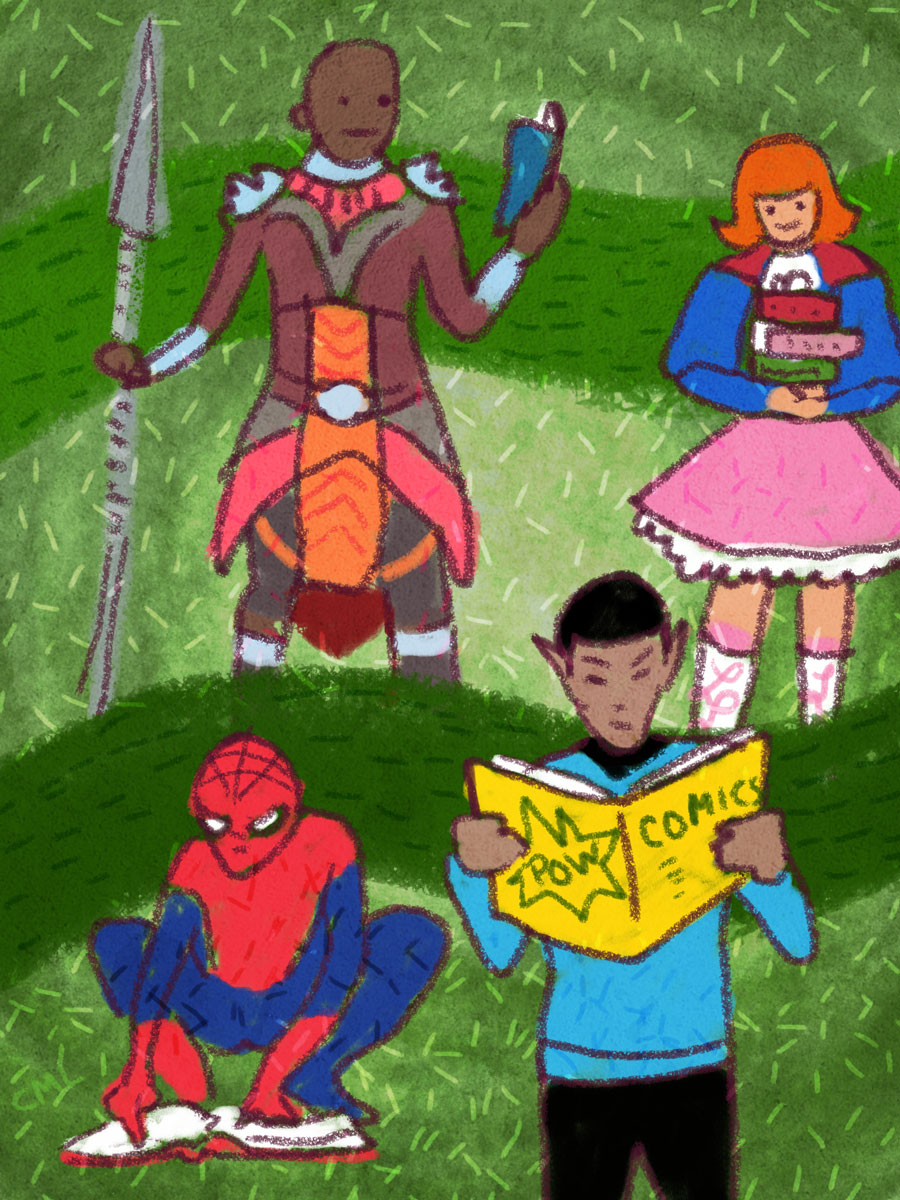
Tons of Emerald City Comic Con events happening this weekend! But after you hit the Convention Center, and still want more, head out for the afterparties. See more on our Your Week in Reading, and Literary Event of the Week columns.
You could be swingin' on a star
Published March 14, 2019, at 12:00
Only Gary Giddins could take on the epic life of crooner Bing Crosby. And only Levi Stahl could take on Giddins's epic-length biography.
Thursday Comics Hangover: I'll fly away
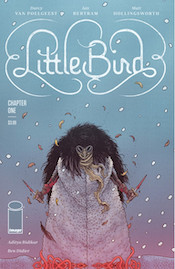
Sometimes an artist is just too good for monthly comics. When I first saw Nick Derington's art on the recent Doom Patrol reboot, for instance, or Nate Simpson's art on Nonplayer, I was blown away by the level of detail and draftsmanship on the page, but immediately after my first swoons settled in, a second thought lodged itself in my brain: "how the hell is this artist going to hit a monthly deadline?" Simpson, of course, has famously only completed two issues of his comic in eight years. Derington's Doom Patrol saw some delays, but the book was eventually finished a few months late.
Ian Bertram's art in the first issue of Little Bird is like that: it is so mind-numbingly gorgeous, so intensely detailed and vivid and imaginative, that it's hard to imagine how the book will be able to come out on a monthly basis. I haven't been this enthralled with a new artist since Frank Quitely burst on the scene almost two decades ago. It's a European style, very much in the vein of Moebius, but Bertram doesn't sacrifice spectacle for nuance: his characters are just as emotive and distinct as any of the modern masters of character — Adrian Tomine, say, or Emil Ferris.
Created by Bertram and writer Darcy Van Poelgeest, Little Bird is a story of a far-flung future in which Canada is at war with a militaristic Christian United States. A mother, preparing her tribe for war, leaves her child — the Little Bird of the title — in a bomb shelter.
The daughter emerges days later to find her village reduced to splinters and smoke. Little Bird sets out across the wasteland with a few vague directions in mind: "Free the axe. Save the people. Free the north. Save the world."
I don't want to spoil too much of the story. A lot happens in the first issue of Little Bird — it's double-sized for the regular price of a comic — and if you're not a fan of gore you will probably not enjoy this book. But the hyper-violence never feels particularly mean-spirited. There are human beings behind the action, and the violence takes its toll on survivors, just as much as victims.
Maybe, since Little Bird is only scheduled for five issues, Bertram will manage to hit those deadlines. But even if the book winds up delayed by months or even years, I'll be waiting patiently for the next issue. I don't know where Little Bird is going, but I know that like the title character, I'll go to the ends of the earth to see this story completed.
Mail Call for March 13, 2019
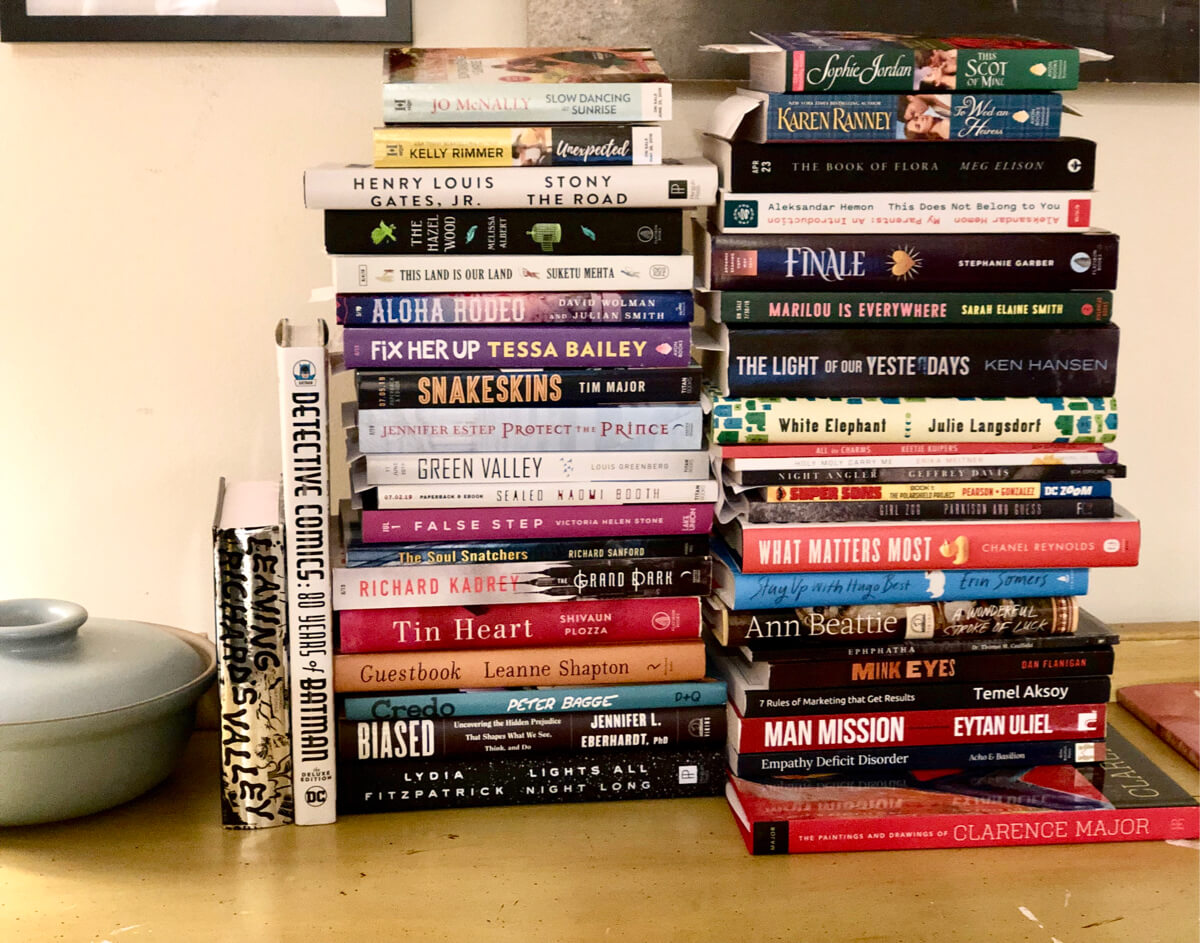
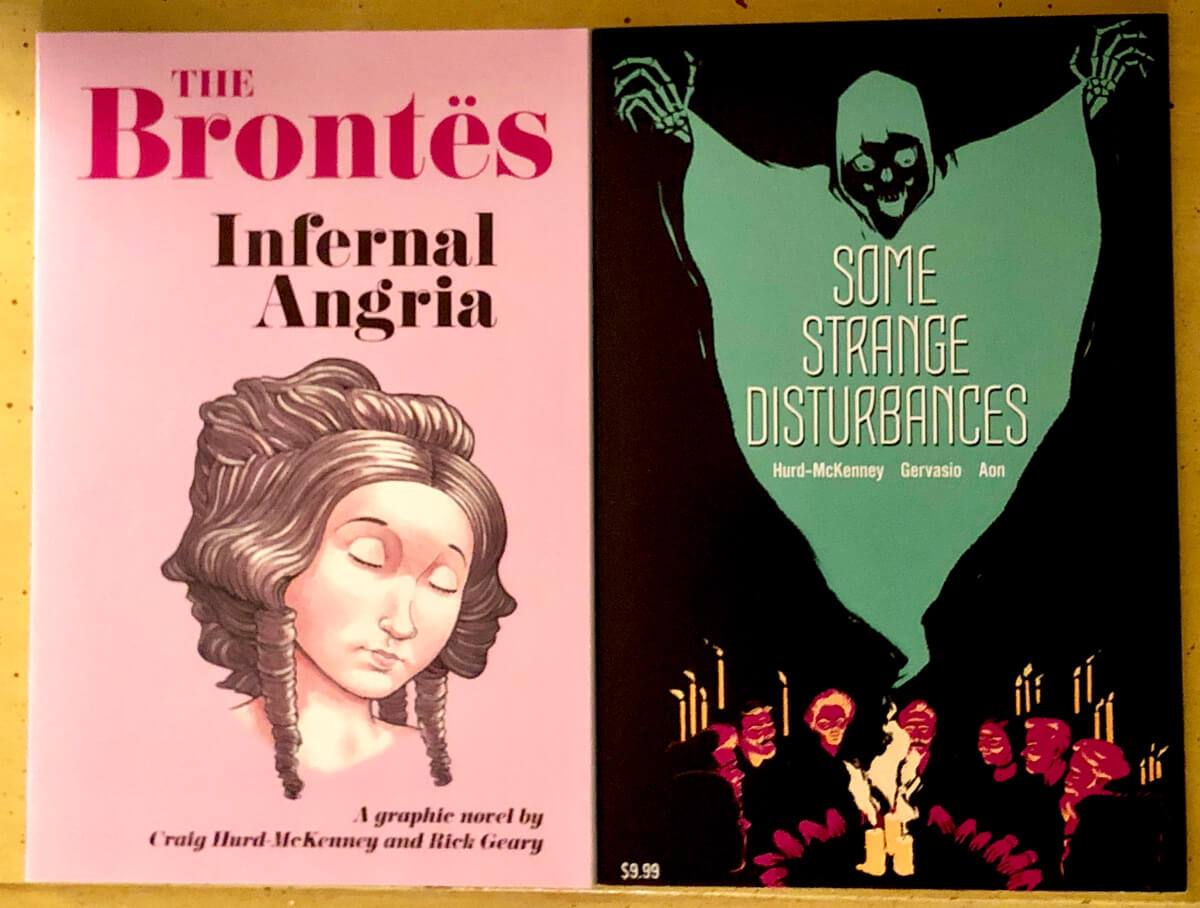
The Seattle Review of Books is currently accepting pitches for reviews. We’d love to hear from you — maybe on one of the books shown here, or another book you’re passionate about. Wondering what and how? Here’s what we’re looking for and how to pitch us.
So you've been asked to moderate a panel...
In the past few weeks, I've been asked several times for advice from people who've been asked to host their first literary panels. It makes sense; we're coming up on convention season — Emerald City Comicon is this weekend, Norwescon is on the way, and AWP is looming at the end of the month — and conventions bring with them a swarm of author panels.
And while it's always an honor to be asked to host a panel, no convention that I know of ever offers advice on how to be a good moderator. So I thought I'd share my advice here. I don't claim to be an expert, or even an especially good moderator, but I've hosted dozens of these things and so I apparently at least know how not to ruin a panel. Here's what I've learned so far.
-
First, and most importantly, unless something huge happens, nobody is there to see you, and nobody will remember you after the panel. (With the exception of the authors.) Your job is to make the panel flow easily and keep the conversation going. So be pleasant, be helpful, and be easy to work with: show up really early, introduce yourself to everyone including the sound guys, ask your panelists if they need anything.
-
Make sure to ask management ahead of time if you need to introduce the authors yourself or if someone with the event will do it. Being caught off guard with introductions is the worst. If you are writing and doing the introductions, be pretty brief — two or three sentences for each author. For the most part people know why they're there, so you're just getting them more hyped up with your intro and adding a little ceremony to the whole thing. But you can't assume that everyone in the audience knows everyone on the panel, so you do need to be informative in your introductions. Touch on the big career moments and keep it moving along.
-
Thank the audience for coming and tell them exactly what's going to happen. "I'm going to chat with the authors for about twenty minutes and then we'll have twenty minutes or so for audience questions, so make sure you have some good ones lined up." Before I ask my last question, I usually let the audience know that we're about to pivot to audience questions in a minute just so they're cued up.
-
Definitely read something by each author to prepare for the event. Then make a big list of questions, starting with really general ones, and then with individual questions for each writer. Avoid spoilers as much as possible. Make sure that your questions end with a question that the author can respond to. Write more questions than you'll possibly need, in case they burn through the questions very quickly. Running out of questions with twenty minutes on the clock is, take it from me, terrifying. Make sure your questions are written down, preferably printed out. Practice reading the questions and introductions aloud three or four times by yourself, at least. I do like ten or twelve times, over the course of three days before the event. As you're doing the event, check off the questions as you go, so you don't start to ask a question you've already asked a second time.
-
I find that asking funny questions isn't a great idea, because they always feel canned when I do them. Being funny when you have a good one-liner based on something the authors said is fine, but don't try to out-clever the writers. Be funny sparingly. Again, nobody's there to see you.
-
Your job is to make the writers look smart and charming. I always try to ask all the basic questions as creatively as possible: Where do you get your inspiration? How did you get your start? What are you working on now? And if one writer is dominating the panel, I try to ask the quieter panel members a specific question, just to try to get them out of their shell.
-
The audience Q&A usually makes the moderator feel like a third wheel on a bicycle, so try to be the one who calls on audience members to ask their questions. If someone in the audience asks a meandering non-question, try to make a question out of what they said for them. If the author says something interesting in response to an audience question, feel free to ask a followup. Have some extra questions in your back pocket just in case nobody in the audience is willing to ask anything.
-
When it comes time for audience Q&A, I always try to call on a woman first. Studies show that if the first audience question comes from a woman, other women are many times more likely to ask a question during the Q&A period than if a man asks the first question. The reverse is not true: men will still ask questions with the same frequency if a woman goes first. This is even true if an audience is overwhelmingly female: if a man asks the first question in a largely female audience, women are still more likely to not ask questions. So if a woman has her hand up at the beginning of the Q&A, I always try to call on them to make the Q&A more inclusive.
-
At the end, thank the audience again, thank the authors, and thank the hosts.
-
That's it! You'll be great! And you'll be even better the next time you host. Eventually, authors might specifically request you to host events, which is a pretty special sense of validation. A really good moderator is a rare thing, and authors love it when someone shows up prepared to do a professional job. If you want to impress your favorite authors, being a competent moderator is probably the easiest way to do that.
Book News Roundup: Save the date for Independent Bookstore Day: Saturday, April 27th
- At Crosscut, Nikkita Oliver wrote about why Seattle should work to save LEMS Life Enrichment Bookstore in Columbia City:
After recently sharing the LEMS GoFundMe page on Facebook, someone asked me why invest in a business that is failing? Because LEMS is more than a business. Because LEMS isn’t just business as usual. Because this is about community, culture and thriving local Black businesses in Seattle. Because if this were a community center or a park in the traditional sense, we would rally together to save it. Because this is a center for Black community in Seattle.
Just a reminder to plan ahead: Seattle Independent Bookstore Day is Saturday, April 27th this year. Start saving your money and planning your route. Free Comic Book Day is one week later, on Saturday, May 4th.
Editor Arthur A. Levine, who is credited as the editor who shepherded Harry Potter to American audiences, has left his position at Scholastic and is launching his own independent publisher. This is great news for the publishing industry: we need more presses that are commercially viable but not a part of the Big Three or Four or Five or However Many There Are This Week.
Finding the shape of a poem
In February, the Seattle Review of Books published four poems by our February Poet in Residence, Abi Pollokoff:
- "To live in ignorance is exactly what"
- "The Sea Thinks Beyond Itself"
- "Urban planning when prayers for the body aren't enough"
- and "If the mirror"
These poems challenged me; reading them was like walking into an ocean. I felt subsumed in the language, slightly overwhelmed by the sensation of them. They left me breathless and speechless. I always loved the poems, but it was only by staying inside them for a while, for suspending myself in them, that I started to understand them.
I confess on the phone to Pollokoff that the idea of talking about her poems with her intimidated the hell out of me. Pollokoff writes impressionistic poems that begins with a single image or idea, and the language cascades from there. To me, they're like mountain ranges, or sunsets: beautiful formations that I don't have the vocabulary to properly describe or discuss.
Pollokoff says her writing process is not unlike my explanation of reading her poems. It starts with a sensation and grows more specific over time: "I think to a certain extent, the poem already exists in some form. And as I start working on it, it starts to reveal itself more and more."
"In that sense," Pollokoff says, "I feel like I'm more vessel than writer. I love what language can do. Something I'm drawn to often in poetry is soundplay, and music, and how words can play off of each other to create different kinds of rhythms and experiences that you wouldn't expect."
Her poems reach beyond "the semantic meanings" of the words, to something more aspirational. "Every poem can be a new discovery about what language can bring to the experience," she says. When she talks about writing, Pollokoff uses the language of exploration, of experimentation.
She starts with fragments. "I'm a note-taker," Pollokoff says. "I hear fits of words and I write them down." She then free writes longhand — "sitting down and just writing without stopping and seeing where that goes" — to build "a bit of a language bank." From those words, Pollokoff says, "I start shaping, building, seeing what the page will do." When it feels more like a poem to her, she'll type it out onto a computer and continue editing.
Every poem launches off into different directions. "The Sea Thinks Beyond Itself," for instance, started as a response to Brian Teare's transcendentalist mediation on nature, Companion Grasses. "I had done some free writing after having spent time in this book and I had been thinking about a moment that I had seen over at Golden Gardens." The combination of her own experiences in the book and on the beach in Ballard offered shape and direction to the poem.
So Pollokoff has written poems about Seattle. Does she think of herself as a Seattle poet? "I don't know if I would consider myself a Seattle poet, but I certainly hope to be a Seattle poet," she says. Pollokoff manages the bustling events calendar at Open Books, and her list of Seattle influences is huge: in one breath, she invokes Keetje Kuipers, Jane Wong, and Gabrielle Bates. A dozen more names tumble out after. She's lived in Seattle for five years now and says the city is "starting more and more to feel like home."
Pollokoff is hard at work on a collection of "feminist ecopoetics," in which "I'm setting off to explore how language and nature interact with the body — specifically the female body — and how that experience can exist and unravel." Like how she sculpts her poems from large masses of words, the book seems to be coming together out of a riot of poems. "It's finally coalescing into one project, and into one final shape," she says. She sounds confident — and why wouldn't she? Her faith in the work has guided her unerringly so far.
Free stuff isn't free
Oh, hey! Did you know that some jackasses are still making embarrassing mid-2000s arguments in favor of book piracy? Travis McCrea is a throwback to the libertarian age when the cliche that "information wants to be free" was wrongly interpreted as "basically shoplift whatever you want because piracy hurts no one." For God's sake, people: if you don't want to or can't pay for books, use a goddamn library. There is no excuse for this kind of theft.
Off the Map
Published March 12, 2019, at 12:00pm
Seattle author G. Willow Wilson's new historical fantasy novel is possibly her best yet. It's about the magic of mapmaking and the power of story and faith. It also features a pretty snarky vampire and a horse named Stupid.
One More Monarch
The thing about drowning, it would be peaceful,
though I’d mess it up with panic, the will to see
one more monarch feeding on a milkweed pod.
Even if balmy, as awful as throwing oneself
from a moving van, a condo window.
Tidal beds are definitely not for lovers —
too much dousing, too much desiccation.
Much better to be a barnacle in the brine,
a harbor seal holding your shoes, the divine
a dozen blue dashers circling your head.
Whether standing on the steps
of the Heart Prairie Lutheran Church
or the banks of Pleasant Lake,
whether one’s ticker does or doesn’t
murmur beside a moraine, Death
drives up in his Mini Cooper, sure
as you’ll find the silver-bordered fritillary
all across the transboreal north, nectaring
on swamp verbena and rabbit brush.
Ticket by ticket: Anne Lamott is back!

Our thanks to Northwest Associated Arts for returning this week to sponsor us. Coming up in April, NWAA is presenting another event that's sure to fill seats (hint, hint: get your tickets fast): Anne Lamott is taking the stage again at Benaroya Hall on April 7, 2019.
Maybe best known for her writing guide, Bird by Bird, Lamott's novels and essays are equally beloved and appear regularly on bestseller lists (and in the hands of readers and writers all over Seattle). She returns to Benaroya Hall following last year’s sold-out appearance with an entirely new talk.
Lamott tackles the big subjects with grace, humor, and honesty. Her latest, Almost Everything: Notes on Hope was titled Doomed before her publisher protested. If that sort of wry but stubborn optimism is your style — and if you're living in Seattle, we bet it is — this event is a must-attend for you. Find out more on our sponsor feature page, then reserve your seat.
Got an event you think our readers would love? You can sponsor us, too. If you have an opportunity you’d like to get in front of our readers, reserve your dates now.
Your Week in Reading: The best literary events from March 11th - march 17th
Monday, March 11: The Human Network Reading
Matthew O. Jackson's new book examines "why people fail to assimilate basic facts" and how human networks "enlarge our understanding of patterns of contagion." This is an interesting look at how social networks intentionally and unwittingly change our patterns of behavior. University Book Store, 4326 University Way N.E., 634-3400, http://www2.bookstore.washington.edu/, 6 pm, free.Tuesday, March 12: Torture Machine Reading
Flint Taylor has been a lawyer in Chicago for over a half century. His book about fighting corrupt politicians and crooked police officers includes the case of murdered Black Panther leadership and a police officer who tortured suspects into making false confessions. Elliott Bay Book Company, 1521 10th Ave, 624-6600, http://elliottbaybook.com, 7 pm, free.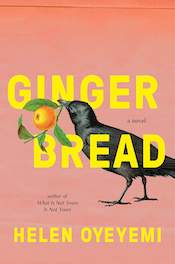
Wednesday, March 13: Gingerbread Reading
Helen Oyeyemi is one of the biggest new names in contemporary fiction. Her latest novel, Gingerbread, continues her exploration of fairy tale tropes in the form of a mother and daughter who share a magical gingerbread recipe. Talking plants are involved, too. Elliott Bay Book Company, 1521 10th Ave, 624-6600, http://elliottbaybook.com, 7 pm, free.Thursday, March 14: Emerald City Comicon at Outsider Comics Boutique
Today marks the opening day of the 2019 Emerald City Comicon, the annual nerdfest that takes over the Convention Center downtown. The main show is all sold out, but there are plenty of big parties and events happening in geeky locations around the city. Tonight, comics writer Magdalene Visaggio will be signing books including Kim & Kim, Quantum Teens Are Go, Eternity Girl, Calamity Kate, and Morning in America at the very fine Outsider Comics in Fremont. Outsider Comics and Geek Boutique, 223 N. 36th St, 535-8886, http://outsidercomics.com/, 8 pm, free.Friday, March 15: ECCC Queer Mixer
Outsider Comics teams up with Gamma Ray Games to present an Emerald City Comicon afterparty that is "free and open to all LGBTQ+ people, plus their friends and partners." You don't need a pass to ECCC to attend this show. There will be drinks, games, and opportunities to meet other queer comics nerds.Raygun Lounge, 501 E Pine St, 812-2521, http://www.gammaraygamestore.com/, 7:30 pm, free.
Saturday, March 16: ECCC Afterparties on Capitol Hill
See our Event of the Week column for more details. Phoenix Comics & Games, 113 Broadway E, 328-4552, http://phoenixseattle.com, 8 pm, free./Fred Wildlife Refuge, 128 Belmont Ave. E., 322-7030. http://www.hugohouse.org, 8 pm.Sunday, March 17: Friends of Seattle Public Library Book Sale
You have probably been to this sale before. It's the one where you walk in expecting to pick up a book or two and you leave with an aching armful of books for something like twenty bucks. Books at one or two bucks a pop? And it benefits the Seattle Public Library? What's not to love? Exhibition Hall at the Seattle Center, 299 Mercer St, 11 am, free.Literary Event of the Week: Emerald City Comic Con Afterparties
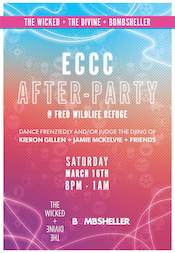
Starting on Thursday, downtown Seattle will be packed full of cosplayers, comics fans, and professionals for the annual nerdy bloodlust that is Emerald City Comicon. The convention, which is one of the earliest major cons in the calendar year, has a reputation for being genial and laid back and warm — it's the convention where the nerd industry comes out of winter hibernation and rejoins the world.
There's plenty to see at the main convention — full disclosure: I'm appearing on the Ahoy Comics Second Wave panel at 12:30 pm Thursday to talk about my upcoming book, Planet of the Nerds — but you don't even need a con pass to enjoy some of the festivities.
Capitol Hill's only comics shop, Phoenix Comics, has become a major headquarters for ECCC afterparties, and this year is no different. As part of their schedule of signings and parties all weekend long, on Saturday night Phoenix Comics is hosting a party to celebrate the popular comics podcast Jay and Miles X-Plain the X-Men, which examines the incredibly convoluted history of the Marvel team of mutants.
But Phoenix Comics is only a pit stop this year for the real ECCC afterparty hot ticket: Kieron Gillen and Jamie McKelvie will be hosting a big ol' dance party at Fred Wildlife Refuge to celebrate their music-and-mythology pastiche comic The Wicked + The Divine.
WicDev, as it's commonly known, is nearing the end of its run, and the book — which imagines pop stars as an eternally rebooting pantheon of gods who Ragnarok themselves into oblivion every few decades — has one of the most passionate fan base in comics.
Running from 8 pm to 1 in the morning, this will serve as a nightcap for the convention crowd after the con's busiest day. Expect this to be a sweaty, teary, giddy celebration of one of the glitziest fandoms in all of comics — and maybe a little bit of a farewell party, too. Who says comics nerds don't know how to dance?
Phoenix Comics & Games, 113 Broadway E, 328-4552, http://phoenixseattle.com, 8 pm, free./Fred Wildlife Refuge, 128 Belmont Ave. E., 322-7030. http://www.hugohouse.org, 8 pm.
The Sunday Post for March 10, 2019
Each week, the Sunday Post highlights a few articles we enjoyed this week, good for consumption over a cup of coffee (or tea, if that's your pleasure). Settle in for a while; we saved you a seat. You can also look through the archives.
From Connection to Coexistence
This wonderful essay by Daegan Miller ranges from ecology to personal experience to typography, pulling from between the layers a rumination on the core concepts of environmental action and what they imply for the future.
Environmentally speaking, we tend to stick in one of two places. Fuzzy mysticism, hard-nosed harm reduction — both based on the idea of the connected world, where Elon Musk stirs his delicate wings and on the other side of the globe a hurricane takes down Jeff Bezos’s house.
Miller reminds us of a third, neglected option: an environmentalism that sees the wild world as irrevocably strange and utterly necessary, and where our lesson is not how to control or even steward, but something else entirely.
"In nature nothing exists alone,” wrote [Rachel] Carson. Though she never used the word, coexistence—not connection — is the idea around which her thinking begins to coalesce. It anticipates the work of eco-critic Timothy Morton, who has spent the last ten years (so far) spinning an ecological theory of _coexistence_, and who, like Carson, suggests that existing together isn’t the same thing as being connected. Instead, as he writes in _Dark Ecology: For a Logic of Future Coexistence_ (2016), it is premised on unbridgeable, untranslatable, unknowable difference — “strangeness,” he calls it — between humans and the world.
Travels in Pornland
First up, a note: this piece is about pornography, and there is some description of what the author sees both on film and in person as part of research. The descriptions are not long, but they are blunt, so if you’re uncomfortable with that, skip down. Otherwise, onward!
Yes, the question of whether the “right kind” of pornography can be feminist has been so thoroughly chewed that it’s barely even mush between our cultural critics' teeth. This is still an interesting take, partly because of the sheer breadth of Andrea Stuart’s exploration of feminist pornography and partly because the focus is less on right or wrong and more on female pleasure and power, and how and when and whether porn can abet both.
B’s experience fascinated me. It illustrated that it was not that she had been filmed having sex which was the issue – indeed for her that was liberating. It was that she didn’t rely on the porn business for her bread and butter, that she was already a financially independent, professional woman who could chose to do this or not. She could remain largely anonymous, and thus avoid the taint (however unfair) associated with sex work. It illustrated, in other words, that a woman can only be sexually free if she is also in control of the means of production.
It made me wonder whether, in these, the best of circumstances, whether it is more rewarding to be the performer than the voyeur; doing, living and touching, rather than merely passively watching. In an age where more and more of us conflate doing with watching, it is important to remember that porn is not sex; it is merely its fleshless representation.
Toward My Own Definition of Disability
Ashley Taylor on internal and external narratives around ability and disability. A writer with a difficult but mostly manageable neurological condition, she was surprised to be identified as “disabled” by editors and peers. A careful examination of what it means to claim the term “disabled,” personally, professionally, and bureaucratically.
I do, however, still feel trepidation about what I think of as “coming out” as disabled. I fear that disabled people might see me as trying to exploit a marginalized identity; I fear that drawing attention to my weaknesses might make me the target of ableist discrimination.
At the same time, the more I’ve explored my medical issues, in part by writing about them, the more grounded I feel in reality; no longer do the difficult parts of my life feel disconnected from the narrative I tell. No longer do I have a secret that distances me from others.
The Banality of Empathy
Courtesy of the marvelous Mark Athitakis, a rewarding takedown by Namwali Serpell of the “books make you a better person” trope. Admittedly, I’m a sucker for anything that deflates Knausgaard by even a few puffs of hot air — but personal pettiness aside, this is very good. Empathy plays a solid role in human behavior, but mostly as a cognitive function, not an emotional one — not the fluffed-up stuff we usually mean when we say books will broaden our world. That old-school way of thinking about empathy — and how stories can inspire it – is pandering, marginalizing, and destructive, says Serpell.
Also, such a lovely takedown of Knausgaard.
Knausgaard captures how our concept of empathy has shifted. This isn’t just putting another person’s shoes on. Rather, the space between people “dissolves”; the reader “assimilates” the other into his or her mind. It’s a kind of ghostly possession or occupation. Knausgaard goes on to give an example of how to access an individual’s experience rather than lazily adopting a generalized, standard account of them. “If we allowed that remoteness to dissolve, what we would see would no longer be the very image of evil, but a boy growing up in Austria with a violent, authoritarian father and a mother whom he loved. We would see a sixteen-year-old so shy he hadn’t the courage to speak to a girl with whom he was in love…” And so, boringly, on. The individual in question turns out to be none other than Adolf Hitler. Knausgaard’s perversity here — using a Nazi to exhort us to humanize others — isn’t that surprising. After all, he named his multi-volume autobiographical opus My Struggle. Many readers feel that its last book is at its worst when he eschews empathizing with his ex-wife, clearly under severe mental duress, because he’s too busy writing about … Hitler.
Unnameable Things
Coming full circle, Kerri ní Dochartaigh on finding hope, in the midst of violence, in the inhuman world. A lovely, lovely piece and the right place to end your reading and begin your exploration of the day.
I hope you never find yourself in a situation where you need to protect any child from witnessing bloodshed on the very streets they have no choice but to live on. But if you ever should, I urge you this: find books about wild creatures for them, find them a microscope, a magnifying glass — anything at all that makes the unknown make sense. It doesn’t matter how broken the surroundings may be, how bombed out; no matter how terrifying every single bit of it all may be. Just find them a way to sit in muck, as creepy crawlies do their do, as bees buzz through holes in concrete walls, as spiders build webs on empty coal bunkers under a sky that — no matter how grey and uncertain – holds room for butterflies, moths, dragonflies and unnameable things; things like whispered hope.
Whatcha Reading, Samantha Allen?
Every week we ask an interesting figure what they're digging into. Have ideas who we should reach out to? Let it fly: info@seattlereviewofbooks.com. Want to read more? Check out the archives.
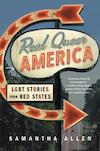
Samantha Allen is the author of Real Queer America: LGBT Stories from Red States, and Love & Estrogen. Come see Samantha on Tuesday, March 12 at the Central Library at 7pm. More details on the Seattle Public Library website.
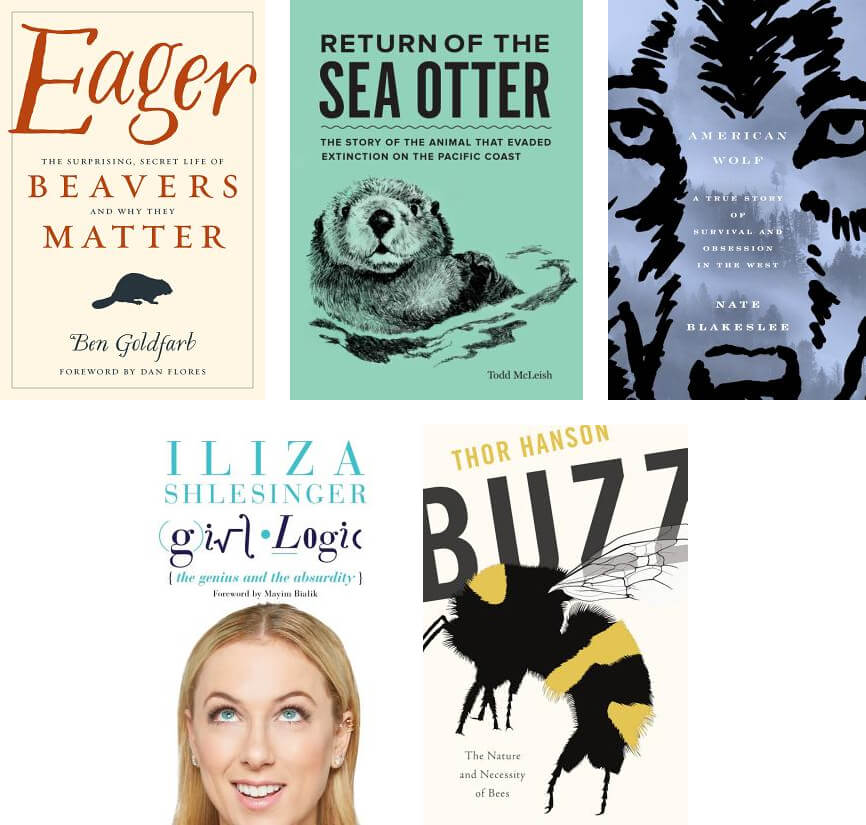
What are you reading now?
Eager: The Surprising, Secret Life of Beavers and Why They Matter by Ben Goldfarb.
Lately, I’ve been chain-reading books that tell natural history through the lens of a specific animal, beginning with Todd McLeish’s delightful Return of the Sea Otter and Nate Blakeslee’s American Wolf. I just started Ben Goldfarb’s delightfully-titled book Eager a few days ago, and it’s already teaching me that my notion of streams and rivers as narrow, rushing currents is based on having been born into a (relatively) post-beaver world. I really enjoy the process of picking an animal to which I have some sort of aesthetic attachment — I mean, have you ever seen a sea otter groom its face? — and learning how integral they’ve been to both their ecosystem and to human history. Plus, these give me plenty of tidbits to annoyingly spout at dinner parties, like the fact that sea otters have ten times more hair in a square inch than humans have on their heads. I’ll never get sick of that one, even though my friends almost certainly will.
What did you read last?
Girl Logic: The Genius and the Absurdity by Iliza Shlesinger.
I have long been a fan of Iliza Shlesinger, a wonderful performer who sucks you into her routine with goofy voices and physical comedy before sucker-punching you with really sharp social insights. She’s naturally funny, of course, but you can also see how much care she puts into each special. She put that same extra oomph into her book. It would have been easy for Shlesinger to just cash in with a simple celebrity tell-all about life on the road and winning Last Comic Standing but she did something more interesting with Girl Logic, which was a sort of ambitious blend of memoir and social criticism — honestly, something similar to what I attempted to do in Real Queer America. As a transgender woman in my thirties who’s already married to another woman, not all of Girl Logic’s wisdom about relationships and dating was directly applicable to my life — though sections on body image and self-confidence certainly were — but I so admired the craft that went into it. (And, yes, it’s funny, too.)
What are you reading next?
Buzz: The Nature And Necessity of Bees by Thor Hanson.
Look, one day I’ll run out of books about specific animals but today is not that day.
The Help Desk: Crossing Jordan
Every Friday, Cienna Madrid offers solutions to life’s most vexing literary problems. Do you need a book recommendation to send your worst cousin on her birthday? Is it okay to read erotica on public transit? Cienna can help. Send your questions to advice@seattlereviewofbooks.com.
Dear Cienna,
So I tried to read a Jordan Peterson book. It was dumb — a mix of evolutionary science, cognitive behavioral therapy, and bad Bible interpretation. It was clearly intended to attract rootless young men in their moments of need, with suspicious frequent references to the undying pain of being betrayed by a lover. Peterson almost immediately lost me when he referred to men as agents of order and women as agents of chaos.
My question is, should I bother reading the rest? I like to be informed about people who are affecting the culture, and some people think he demonstrates something uniquely toxic about this moment. But I think Peterson is just a gross fad, like The Game or the Jersey Shore. I didn't bother to learn about those two things when they were popular, either, and I turned out okay. Should I forge on to fully know the beast I'm facing, or can I give myself a pass?
Dana, Madison Valley
Dear Dana,
Do not waste the precious time you have on this dying planet reading Peterson. His work is silly. The men who read it are the type of men who ask questions like "what gives you an intellectual erection?" to their cringing Tinder dates and, once rejected, spend whole weekends furiously ironing their pant collections and brainstorming words that rhyme with "white bitch."
From one agent of chaos to another, I suggest you offer to buy a relative, friend, coworker or online stranger/Tinder date who's a fan of Peterson a bottle of cold white wine if they'll spend an hour telling you all about 12 Rules for Life. Then, while they're talking, jovially interrupt and push back on the parts that are bullshit – make his fans defend his lazy thinking. It's how I got through college without reading a single Ayn Rand book while at the same time enjoying my first pregnancy scare.
Kisses,
Cienna
Portrait Gallery: G. Willow Wilson
Each week, Christine Larsen creates a new portrait of an author for us. Have any favorites you’d love to see immortalized? Let us know, or see if you can find them in the archives.

G. Willow Wilson appears Friday to read from her new book The Bird King at the Elliott Bay Book Company. See our Event of the Week column for more details.
Kissing Books: The case of the secret trope
Every month, Olivia Waite pulls back the covers, revealing the very best in new, and classic, romance. We're extending a hand to you. Won't you take it? And if you're still not sated, there's always the archives.
“She wasn’t the kind of woman who…”
And just like that, my shoulders are up around my ears.
They tell you romance is easy to write because the ending is a given, when in fact the opposite is closer to the truth: romance is difficult to write well because every reader’s standards for being persuaded to believe in the happy ending are unique and painfully particular. I’m not just talking about the big tropes: your marriages of convenience, your enemies to lovers, your small town prodigals come home to make good.
No, I’m talking about those tiny little echoes on the level of the sentence. Ordinary statements that would never stand out until you’ve read them in hundreds of different romances. The secret tropes.
They can make or break your romance in under twenty words.
I have taken to calling these phrases caltrops, and I perversely enjoy collecting them. Because I enjoy tracing patterns, even when the patterns themselves aren’t necessarily pleasing.
And now I get to enjoy ruining them for you, too.
A partial list of romance caltrops:
The Kind of Man/Woman Who: Generally followed by something that can range from mildly stereotypical to outright bigoted or transphobic. But anything that comes after this is going to be irritating, especially when it’s summing up women, because long experience in a sexist world has taught me that dividing women into kinds implies that one kind is going to be Good and the other kind Bad. Kinds of women = someone is looking for an excuse to do something shitty. “Well, I would never call a Good Woman a bitch—but my ex-girlfriend is a Bad Woman, so let’s point out her physical shortcomings in the most vicious way possible and expect the reader to cheer me on because breast implants, as though that is at all a logical chain of reasoning.”
Any Man/Woman Would: The character is about to declare something Inherently Masculine or Inherently Feminine! Usually without this opinion being sufficiently interrogated by the text! These are Rules we are supposed to Accept, for Reasons, and it chafes even in throwaway lines. “Any woman would find the Duke of Burlypants desirable.” Really? Even the queer ones? Or the happily married ones? Or even just the ones who would much rather flirt with lanky Viscount Sardonic over there on the other side of the ballroom? People have different tastes in people. This caltrop places shared gender identity in place of proper character development: I don’t care what Every Other Woman wants—show me what this woman finds irresistible. That’s what I’m here for.
Getting it Out of Their System: Truth be told, I love this one. One or both characters decide to give in to the attraction, thinking that once they’ve scratched the itch it will go away and no longer trouble them. It never works. Never once in all my years of romance has a one-time thing gotten someone out of someone else’s system. Basically, if you are in a romance novel and you think about getting someone out of your system? Ta-da, you’re married now! Enjoy this entire bouquet of babies.
For Their Own Good: At some delicate decision moment in the plot, one character will decide to keep an important secret from another “for their own good,” and I start to grumble and snipe at everything they do next. A lot of readers really dig that kind of secrecy and internalized angst, and more power to them; me, I anticipate the unknowing character feeling hurt and betrayed and it’s a rare book that can make that experience pleasureable for me. Variations include: “it probably won’t come up again,” “it’s too late to say anything now and bringing it up would be awkward,” and the lazy writing of “the other character has now stormed off under a misapprehension so I guess I can’t tell them.” Especially irritating when a hero does it, because I worry they’ll be too easily forgiven for the lapse.
The No-Other-Woman Bed: I’ve talked about this on my own blog before, but it’s worth revisiting because if there’s one phrase I’d most like to ruin, for no good social justice reason, it’s this one. Our hero (it’s always a hero) has finally opened his luxurious bedroom to the heroine (it’s usually a heroine, though it’s entirely possible I’m just not widely enough read in m/m to have seen this caltrop come up there). And there, drawing the eye like a magnet, is the Bed—a bed which no other woman, the hero’s POV tells us, has been permitted to sleep or fuck in. Let’s face it: this is a way of letting the hero metaphorically give his virginity to the heroine, without sacrificing the fantasy of his sexual prowess. He’s super-good at sex—but he’s never had sex right here in this limited slice of geography! That means the heroine is by definition special, because she’s the first! Weirdly, this faux-virginity-taking still leaves the hero in a position of power. It’s a favor, don’t you see? Spare me.
This month’s romances all feature characters dealing with disappointment: thwarted expectations, past hurts, failures, and betrayals. Not everything in the past is necessarily fixable in the present. Sometimes we have to be content with acknowledging the pattern. Sometimes that’s the only way forward.

Appetites and Vices by Felicia Grossman (Carina Press: historical m/f):
Most American historicals I’ve read cluster either around the Civil War or the settlement of the West—but there’s no better way to break that streak than with this strange, fine novel about a gorgeous, fat Jewish heiress and the charming, traumatized opium addict she gets fake-engaged to.
When we meet Ursula Nunes, she is in an upstairs hallway on the verge of tears because her best friend Hugo is explaining that his family refuses to let them wed. Ursula is not in love with Hugo, but they’ve been friends forever and they both saw marriage to one another as an escape from marrying anyone else (Delaware society being unusually full of overbearing fathers and poisonous debutantes). Hugo returns to the party—and Ursula is approached by Jay Truitt, an upper-class son generally considered to be a feckless womanizer, and who, of course, heard everything. He offers to pretend to be Ursula’s fiancé to spur Hugo’s family to change their mind (the Truitts being almost too upper class for the upper classes)—she can then break it off with Jay, who will use being quote-unquote heartbroken as an excuse to run far away and avoid his terrifyingly disappointed father.
Let’s be clear: this is a dumb, dumb plan, and I adore it. Fake engagements are one of those unrealistic romance tropes that I simply eat up—and this one does more than the usual amount of heavy lifting. As our fake couple socializes, they also start to notice one another’s better qualities: Ursula is clever and steely as well as sensitive, and Jay’s charm hides a profound gift for reading people, and a strong moral sense thrown perilously off by personal tragedy and addiction. (Which is, I should add, presented as a terrifying disease and not a quirk standing in for emotional depth. I was very, very worried for Jay in this book.) This is one of those lovely, lonely stories where the characters think so highly of each other, and so lowly of themselves; the contrast is an exquisite ache. The voice is a little eccentric, like classic Judith Ivory, all glints and refractions and implications. And if, at the end, it is a little too generous with the redemption (some of the side characters needed a little more shouting at, in this reviewer’s humble opinion), this is the most forgiveable kind of flaw. Ursula’s arc in particular more than makes up for it: she goes from a trembling, sobbing mess to a give-no-fucks fox without ever losing her sense of herself, and it’s bliss to watch.
She emitted a loud, sniffing, sigh. “Since we have no intention of being lovers then I don’t see what the quandary is. You’re not attracted to me and I’m not attracted to you, but I suppose there is propriety. I shall change.” He closed his eyes, his body throbbing. If she only knew. He listened for the door before relaxing his shoulders. He adjusted the lock. Perhaps he should barricade the door as well.

At His Lady’s Command by Nicola Davidson (self-published: historical f/m):
Remember the super-angsty, Gothic, Wuthering Heights-level firestorm that was The Duke I Tempted by Scarlett Peckham?
This story is the mirror universe of that: a careful, caring, sweetly earnest femdom historical with an upper-class heroine, Lady Portia, and a lower-class bodyguard hero, Captain Denham (swoon!). The writing is charming, very sexy and very sincere, and I had no trouble getting through it, but—the memory of the Peckham book is strong and the contrast really makes evident what I found dissatisfying in both stories.
The first book was intensely, unreservedly Gothic. At His Lady’s Command is firmly in melodrama territory: we have sniveling relatives, neglectful fathers, sinister dukes, an heiress in peril, a loyal ex-soldier, secret aristocratic lineages, and orphanages on the brink of being closed by cruel peers. Mustaches are twirled and lovers on the brink of disaster wrap one another in desperate embraces. It’s very charming, but—I cannot believe I am about to write this—I would have liked a few more very explicit sex scenes, or a few more plot twists, or a little of both. As with The Duke I Tempted, I was left mostly but not entirely pleased: the former was too angsty, and this one not angsty enough. I feel like a femdom Goldilocks, going from book to book and finding each one lacking in some trivial way.
But my biggest critique is that Lady Portia, a lady of mature years and strong opinions, an absolute hellion, a domme, and the founder of the Surrey Sexual Freedom Society (not nearly as anachronistic as many readers might assume)…never really takes action outside of the bedroom. The character as described is a terror to men of any station—and yet a mere proclamation from her crappy brother is enough to get her playing the docile bride-to-be and entertaining a host of horrible suitors. Even though she is old enough he can’t legally compel her marriage, even though she has wealthy and titled friends who would happily (and luxuriously) take her, she grits her teeth and goes along because…something about that orphanage? But again, wealthy friends and powerful peers are right there, offering you help and love and loyalty.
What exactly is keeping her a prisoner, except the shape of the plot?
“Oh, how awful, my brother has sold my house and demands I be chaperoned and wear pink and dance with his fortune-hunting cronies, it’s torture!” It sure is, but you could just … not do it? He can’t physically force you to dance, he can’t stuff you into the light pink gown, he can’t tie you to the chair while the maids put your hair in fussy curls. Or I mean, he could, but that would be a different story altogether. All Portia really has to do is grab a spare carriage and make for Scotland with her dishy, muscular, growly, eager-to-please silver fox bodyguard—seriously, Denham is what is colloquially known as *a snack*—et voilà, no more money or marriage problems! Instead, she laments her predicament and gets locked in a bedroom to be rescued. It all ends very happily, but I can’t help but wish she’d been permitted to help make that ending possible.
But men like him, ex-soldiers of dubious birth and no fortune were lucky to even be in the presence of women like Lady Portia. They didn’t dare wish for anything more. Not love. Not affection. Not marriage. Certainly not to be the man she commanded in the bedchamber as well as out of it.

Any Old Diamonds by KJ Charles (self-published: historical m/m):
Look, I know you all know how much I love a KJ Charles book by now, and I am staunchly resisting the urge to glom the backlist and tell you all at length how good they all are—but I am only human, and this is a queer Edwardian romance where an impoverished duke’s son and illustrator, Alec, attempts to get revenge on his cruelly neglectful father by hiring a pair of jewel thieves to rob the duchess’ diamonds. And then he makes the terrible but completely understandable mistake of fucking one of the jewel thieves.
It’s perfect. Absolutely, painfully perfect.
Thief Jerry Crozier is sadistic in all the best ways: an amoral, frank-speaking, wily sort of villain. I couldn’t have loved him more. He seduces Alec for the purposes of better controlling him in the chaos of the job to come—but he’s such a thoughtful top and Alec such a willing plaything that it’s no wonder before they’re both in way over their heads, emotionally speaking. The sparkly heist qualities of this book hide some sharp, painful edges, and Charles’ brutally gorgeous prose offers up gem after gem after gem to make the reader laugh and gasp and weep and swoon. Reading this book feels like getting away with something. To describe the precise turns of the plot is to risk spoiling the whole thing—you want the diamond itself, un-smudged by my greedy fingerprints. Suffice to say that this book seized me, seduced me, and left me feeling delightfully Noel Cowardish, languid and leisurely, and wishing I had a red silk smoking-jacket and a glass of aged port to hand.
”If you were hoping I’m secretly funding an orphanage or some such, I’m sorry to disappoint: I steal because it pays. Granted, I only steal from people who can afford to be robbed, but that’s not a moral principle. It’s just that poor people don’t have jewels.”

Crashing Into Her by Mia Sosa (Avon Impulse: contemporary m/f):
The road to true love never did run smooth—and it’s less smooth still when it’s being run by two snarky, skittish types who are desperately trying to do anything but fall for one another.
Eva is a fitness instructor new to LA, who is worried that the fitness classes she teaches aren’t quite enough anymore. Anthony is her best friend’s cousin, a devastatingly handsome stunt performer who teaches workshops for those looking to break into the industry. They hooked up at the cousin’s wedding three months ago, but neither is looking for a relationship and both have declared themselves almost allergic to dating. Really, can’t even say the word. Relationships are a terrible idea, people get hurt—just look at our parents!—and who has the time anyways, so what if we were just friends, you know, friends who go to food festivals and reggaeton concerts and drive-in movies together—friends who get jealous when one friend talks to an attractive person at a bar—friends who then storm out and argue and then pull one another into the truck by the belt loop and reach for the condom and oh no, where are all of these orgasms coming from?
Mia Sosa is one of those authors who does cocky-but-in-that-fun-way banter right (see also: Jamie Wesley, Shelly Laurenston), and there’s just the right amount of snap in the dialogue here to bring out the soft and tender parts once emotions come into play. There’s also a ton of laughter and banter in the sex scenes, which is always something I like to see—sex scenes are so much more fun when the people having them are having fun! In addition we have some top-notch competence porn (stunt training is hardcore), appetizing food descriptions, and zingy epigrams at the start of each chapter. It’s not quite a perfect book—it felt like solutions at the end came a trifle too quickly and easily—but it’s a solid wrap-up to what has been a very pleasing series.
Heat suffuses my face and the pounding at my temples resumes as I line up for the tackle. There’s so much I could say, but I go with an essential truth, a maxim every self-respecting person knows. “Anthony, sweetie, no dick’s that special.”
This Month’s Best First Line

Act Like It by Lucy Parker (Carina Press: contemporary m/f):
Almost every night, between nine and ten past, Lainie Graham passionately kissed her ex-boyfriend.
And there it is, one of the all-time greatest first lines in romance history. I am a sucker for first lines. It was the first line of Julia Quinn’s To Catch an Heiress in college that got me into romance seriously, back in my college years—to the point where my boyfriend at the time noticed, and found an episode of This American Life where they sent a reporter to the national conference of the Romance Writers of America. We listened to that segment on Valentine’s Day, and for the first time in all my years of paid and unpaid work I sat up and went: That is what I should be doing; that is where I want to be.
First lines will change your life.
This book is as superb as everyone says. Lainie is a legendary heroine: sharp, wry, and an honest-to-God diva, unapologetic about her temper and her tendency to throw small objects at people who have displeased her. She’s nice, and good, but not too nice to enjoy a good equal-opportunity shit-talking with her fake doing-it-for-the-publicity boyfriend. Hero Richard Troy is one of the greatest and most enjoyable assholes ever to grace a romance page: he’s blunt, he’s witty, he’s rude—but he’s rarely wrong. When he is, Lainie is swift to correct him in sharp terms he quickly comes to appreciate. Their chemistry is hilariously nonexistent at first—they gloriously, sincerely dislike one another—but one spark is all it takes for things to go up in proper flames. A cast of great side characters and wonderfully awful villains rounds things out: the cheating heartthrob ex, the heroine’s boisterous family, the conniving publicist, the envious television interviewer. I am beyond thrilled there are a whole series of these books for me to read next.
As a teenager, he’d been covered with acne, angry at life, and stuck at an all-boys boarding school. He was no stranger to sexual frustration. It was more than that. He was… God, he was bonding with her. Feelings—warm, strong, nauseating feelings—were springing up all over the place, unfurling in his chest, his gut, his groin. Sinking in deep with their little hooks.
Thursday Comics Hangover: The muscle behind the muscle
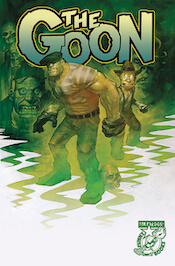
Eric Powell's The Goon is one of those rare commercially successful comics that also feels deeply personal. Yes, it's an adventure comic about a mountain of a tough guy who lives in a pit of a city that's constantly under assault from some supernatural menace or another. But it's also a book that feels entirely assembled from Powell's interests — 1940s noir movies, the weirdness of animals, expectations of masculinity — on a bone-deep level. Nobody else could make The Goon.
And did I mention that the book is hilarious? The Goon is full of some great jokes — bawdy humor, physical comedy, reveling in the silliness of phrases like "seafaring trousers" — and very few cartoonists are as good at bouncing back and forth between humor and adventure as quickly and as effortlessly as Powell.
A few years ago, The Goon took a turn for the serious. The storyline edged into darker territory, investigating a romance in the title character's past and the toll that his lifestyle of zombie-punching has exacted on him. And then the book went away for a while.
This year — the 20th anniversary of The Goon's first publication, if you want to feel old — Powell is bringing The Goon comic back with a new first issue that debuts next Wednesday. The preview copy that I read proves that Powell still has a lot to say with the character.
The gap in the title's publication is addressed immediately, with a caption that reads "Welcome home" and a sequence in which The Goon and his sidekick Franky arrive home from a long journey abroad. They expect to be greeted as heroes, but the town loathes them more than ever. One woman berates The Goon that things in town are "as bad as it ever was! Worse! Because you meatheads weren't here to keep things in check."
The Goon #1 mostly involves a resetting of the status quo, in which our main characters have to find lodging — no thanks to a horrible real estate agent — and take up a fight with someone who's not happy to hear about their homecoming. (The excellent sound effect "Ku-PUNCH!" is involved.)
But comics shelves are festooned with flying punches and supernatural threats. The reason you want to read The Goon is for Powell, and the artistry he brings to the book. The Goon's house-hunting sequence brings with it several gorgeously rendered illustrations of houses that are definitely haunted, sketched in a gorgeous washed-out ink and subtle coloring by Rachael Cohen. These dilapidated shacks and gloomy mansions force the reader to slow down and appreciate the effort that goes into every panel. When you step back from the duck gags and the sex jokes, the handiwork of a great cartoonist becomes visible. Powell, with his Eisneresque ability to blend cartooniness with realism, has always been The Goon's greatest strength.
Making sense of Trump, one pattern at a time
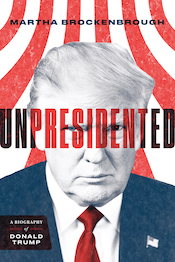
Last night, the Reading Through It Book Club welcomed its first author, Seattle's own Martha Brockenbrough. Her book, Unpresidented, is a deeply researched biography of Donald Trump for young readers — though readers of any age are guaranteed to learn something. For a little over an hour, Brockenbrough fielded the group's questions — from process inquiries about her research (it involves a large Excel spreadsheet) to more vague questions about how the country can recover from such a thorough destruction of our norms.
Brockenbrough is a funny and generous public speaker who volunteered all her knowledge and freely admitted when she didn't know the answer to a question. But boy, oh boy, she knew a lot. Through hundreds of hours of work, Brockenbrough has managed to separate the necessary from the unnecessary when it comes to Trump-related information. She doesn't fall for the palace intrigue or wild speculation that plagues the waking hours of many of us. Instead, she recognizes the obvious patterns in Trump's life and pays attention to those things. As a result, she's rarely surprised by anything the president does.
This work came with a price. Brockenbrough admitted that after she finished writing and touring Unpresidented, she became very sick and was basically out of commission for a month — an ailment that she attributes directly to spending every waking hour living in Trump's head. She suffered a condensed, heightened version of the low-level stress and anxiety that we all go through every day when we check the internet to make sure that our country still exists.
Many of the questions from the book club were some variation on the theme of "will we be okay?" Can we survive a president who very likely will, as Brockenbrough suspects, question the legitimacy of any presidential election that does not result in a landslide in his favor? While she can't guarantee a happy ending, Brockenbrough seemed to be hopeful. The nation has survived norm-busting before in the past, she said, and if we can restore a faith in our institutions then things will likely improve.
Unpresidented certainly restored my faith in the institution of journalism. The clarity that Brockenbrough delivers in the book is entirely unlike the chaos that I encounter every day on Twitter or in the news. All through the past month, I keep returning to the opening passage of the book, in which Brockenbrough defines and explains the importance of truth.
When we have patterns and supporting documentation like this, we can feel confident we have an accurate understanding of an aspect of a person's character. We can feel confident it is also fair to include in a biography...Sometimes we define fairness as a balance of positive and negative information. It's an understandable impulse
But this is a bit like saying you can create balance by putting ten elephants on one side of the scale and ten babies on the other. Ten and ten are equal, but they are not necessarily equivalent. Fairness demands a writer examine the whole and select representative parts. It demands a writer constantly consider the credibility of sources. It's not easy work...My goal, as always, was to look for patterns, to find verifiable facts, and to put all of this information into context.
It's rare to see a mission statement delivered with such clear-eyed purpose. One thing is for sure: if we do survive this mess, it will be because people like Brockenbrough have devoted themselves in full to the quest for truth — because they believe that the truth has value, that it matters. Without that north star to guide us, we'll surely be lost.
The robot bookseller uprising will destroy us all
Another reason to prefer independent bookstores over Amazon: I've never had a bookseller encourage me to read hateful conspiracy theories. Ben Collins at NBC News writes:
A book that pushes the conspiracy theory Qanon climbed within the top 75 of all books sold on Amazon in recent days, pushed by Amazon’s algorithmically generated recommendations page.
“QAnon: An Invitation to the Great Awakening,” which has no stated author, ranked at No. 56 at press time, was featured in the algorithmically generated “Hot new releases” section on Amazon’s books landing page. The book claims without evidence a variety of outlandish claims including that prominent Democrats murder and eat children and that the U.S. government created both AIDS and the movie Monsters Inc.
Elon Musk can talk about artificial intelligence as the threat to humanity's future all he wants, but I'm convinced that the real threat is algorithmic suggestion. YouTube and Amazon and Facebook and all the others don't know the difference between good clicks and bad clicks. And since controversial topics get clicks faster than thoughtful contributions, the hateful and terrible crap rises to the top and is further promoted by the algorithm. I'm not the first person to notice this.
I don't know how to repair our broken society, but I do know that the less you leave the decision-making in your life to algorithms, the happier and better-adjusted you will be. Don't let Jeff Bezos tell you which books to buy; he obviously doesn't give one good goddamn what you read, so long as you pay him for the privilege. Don't give him your business.
Tonight, let Martha Brockenbrough teach you how to read the news in the age of Trump

Tonight at 7 pm, Seattle author Martha Brockenbrough will join the Reading Through It Book Club at Third Place Books Seward Park to discuss her biography of Donald Trump, Unpresidented. Even if you haven't read the book, you'll want to attend. One of the things I loved about talking briefly with Brockenbrough last week was that she just casually drops amazing pieces of information into casual conversation, like how she manages to separate the pointless fluff from the serious information while she's consuming news:
But if you look at it another way, not a lot of stuff has changed with Trump — not since he was a little boy writing poems about winning at baseball and loving the cheers of crowds. I wanted to set up patterns: his father’s business practices, his business practices, his grandfather. I wanted to identify the patterns and see what those told me about Trump and the things that drive him. Once you do that and identify the fact that here’s a guy who’s long been entangled with Russia, here’s a guy who’s long broken the law and cut corners with business — once you establish those patterns, then all the breaking news headlines are frankly more of the same.
This is the kind of stuff you can expect tonight. Come prepared to ask all the questions about Trump's corruption that you've been afraid to ask. And be prepared to laugh: This is going to be a good time. See you at 7 tonight.
The delicious space that is longing
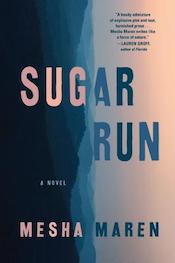
Mesha Maren’s debut novel Sugar Run (Algonquin, 2019) has it all — all being to my mind both desire and longing and all the way these modes of yearning tie us to the land, each other, and everything set to get in our way. The novel takes place in 2007 in West Virginia and follows Jodi, recently released from prison after serving a eighteen-year sentence for manslaughter, as she attempts to reconnect with family land and maybe experience love again with another lost woman named Miranda, around whom "Black Velvet" seems to croon on loop. In preparation for Maren’s reading at Elliott Bay Book Company on Thursday, March 7, we had a conversation about queer desire, longing, and possibility.
How would you define desire? How would you define longing? What is Jodi and Miranda’s relationship to each?
I heard this thing on the radio yesterday about the physiological reason that we crave sweets when we are feeling stressed out or very emotional. The report was saying that our brains use up over half the calories that our bodies take in each day. When you are feeling really sad or stressed your brain is working harder in certain ways, so it sends signals that it needs fuel fast, and sweet carbohydrates are the quickest fix. Listening to that story made me think about how we as human beings are shaped by desire from the most basic level — craving is built into us.
I see desire as a specific incarnation of longing — like longing is this kind of shapeless shroud of craving, and desire is a sharpened, specific form of that craving, when the general yearning gets pointed towards something, or someone, specific. And I think that certain people, and places, are more bent toward longing than others. Some of us like to reside in that nearly painful, kind of delicious space that is longing.
In the novel, Jodi is thinking about her grandmother Effie’s land in West Virginia and she says “Even when she’d been there, on the farm with Effie alive, Jodi had been bending in her mind towards the memories of before, the time when her parents had lived there too. Maybe, she thought, she’d been like that since birth, filled up with a backwards yearning.” And this comes up in various other places in the book too, this affinity that Jodi has for the past or for something that can never be recaptured. She has a tremendous capacity for empathy, and she’s always looking at not just what is there but what is below the surface or what was once there, and in that looking she taps into a deep and continuous form of longing.
For Miranda, I think her longing and desire manifest in different ways. She is deeply unsettled and overwhelmed by her longings, and unlike Jodi, who gets some sort of pleasure out of sinking into that “backward yearning,” Miranda wants desperately to be more tethered to the present moment. When she recalls her pregnancies, she says “It was only in pregnancy that things got simple again and she was nothing more than a collection of sensations. Cold now, warm later, hungry then full, horny, sated. The pills, if she balanced them out right, did something similar but not the same.” It seems to me that for Miranda, longing is this tsunami that is constantly threatening to wash her away, whereas for Jodi, desire is this sweet-sad song that she likes to turn the volume up on.
No matter where Jodi travels, the land is most alive in West Virginia. Can you talk about how you go about deciding when it is most useful for land to come alive as a character?
I think that all land can come alive — even the most commonplace looking sidewalk in suburban America has a great story to tell but it all depends on relationships, which landscapes sync up with which characters’ internal soundtracks. For Jodi, and for me, the land in West Virginia speaks to that deep and abiding sense of yearning. I really think West Virginia is a place of longing, and I’ve been trying to figure out for a while why that is. Ever since white people set eyes on what is now West Virginia there was this sense of desire, people breaking the British law and crossing the Proclamation Line of 1763 to settle in the mountains, and one early colonizer wrote, “It was a pleasing tho’ dreadful sight to see mountains and hills as if piled one upon another.” I think this quote gets at something that is a part of the longing that is woven into West Virginia, the fact that the mountains are so simultaneously beautiful and impassive. It is not a place that loves you back very easily. You can work hard and scratch out a small life on a piece of land, and then the river rises and in an instant it is all gone. There is always a tenuousness to life in West Virginia, but for some of us that just makes us love it even more, like how sometimes you feel stronger emotions for a person who is hard to love than you do for someone who gives back readily.
This book is full of the queer desire for the natural world: the home we find deep within someone else’s body and the home in caves you can literally climb into as you wait for your eyes to adjust. How do you see queer desire or longing at work in your characters' relationship to each other and West Virginia?
In a review for Bustle, Katie Smith said while Sugar Run is a novel about “queer relationships in the South,” it also “asks readers to consider other types of love — specifically, love of a place and love of oneself, in all their deeply melancholy and complicated forms.” When I read this, I felt the most incredible tingling happiness — that otherworldly sensation of having someone see and understand what you are trying to talk about. I felt like if that was what Smith took from Sugar Run, then I had succeeded, because on a certain level that is what the novel is about to me: all the different types of queer love — the ways in which desire changes you and takes you outside of yourself, the way that it feels if that desire is not reciprocated or if that desire is condemned by the people around you.
Queer desire takes on many forms in Sugar Run. For both Jodi and Miranda, their first “romances” were with the land they grew up on, not with people. For Jodi specifically, the land provided friendship and solace, but it eventually became a sort of trap because it isolated her. I see the whole novel as a journey that Jodi is on to learn to love herself, as cheesy as that sounds, she has to learn to prioritize herself over the mountain land, over these women she loves.
When Jodi denies her relationship with Miranda “the word coming out before she had time to think […] the scent of self-hatred as ripe and familiar as her own shit.” I came out in the South, and I don’t know if I have felt, anywhere else, both the strength of community in the queer South but also all the ways in which claiming this identity is a kind of privilege in itself.
I agree entirely, coming out is a privilege, especially in the South. Jodi is extremely vulnerable and very reliant on her relationships to her family and neighbors and she knows that those relationships might change in irreconcilable ways if she talks openly about her sexual orientation. What Jodi prefers is to just not put words on her relationships — but when you don’t put words on something, it can become invisible. When she was younger, in her relationship with Paula, Jodi thought “If she could push back the words — dyke, queer — then everything would make sense and turn out all right. Sometimes though, the terror of it grips her, the knowledge that she is not seen at all, or seen only backwards and out of focus. It is a feeling she is sure will crush her someday.”
I think Jodi is continually struggling with how to balance the power of words: the dark and violent power of homophobic epithets (“the bitter drawl” of Jodi’s brother’s voice when he says “I heard you turned queer”), the power that words have to include or exclude a person (when she’s in prison, Jodi receives letters from “lesbians everywhere, all of them acting like they knew her just because she and Paula were lovers. Alone in her cell, she’d felt so far from their talk of solidarity, so far outside their supposed community”), and the power that words have to free you from guilt and self-doubt (towards the end of the novel Jodi decides to "own up to it, tell anyone who cared to know that she loved Miranda”).
Outside of her hometown, Jodi mentions her accent is “a strange left over burden, something that only made sense here.” What have been some of the greatest challenges or surprises with traveling this novel around to places and readers that may fetishize or miss the nuances of the characters and locations of this book?
People have preconceived notions about almost everything. but certain places, like West Virginia or Appalachia, seem to heavily attract this kind of thinking. As a whole, I think Americans have gotten a lot better about questioning stereotypes, but the interesting thing is that I think that can sometimes result in an almost equally damaging line of thinking — where people say “I know that poverty, violence, and drugs are stereotypes about West Virginia, so I want to see something else, something not stereotypical.” I’ve had people ask me why some of the characters in my novel act in what they think of as “stereotypical” ways (doing drugs, shooting guns, etc.), and I have to say that it’s not that black and white. In order to write truthfully about the West Virginia that I know and love, I have to write about drugs and guns and poverty and violence as well as queer sex, beautiful mountains, and close-knit communities.
Jodi can’t seem to get away from the threat of incarceration. She has a probation officer who sees her as less than human, which is a continuation to how she was treated in prison, and a wealthy environmental activist who pities her perhaps not unlike how she felt pitied by her counselor while incarcerated. At what point in the writing did you realize Jodi’s relationship to limited choices and options, and how did this inform your narrative?
When I started writing this novel I was just writing the pre-prison sections. This was back in 2010, when I very first started drafting scenes, and they were these short little vignettes with Jodi and Paula. I pretty quickly realized that something was going to happen in Jodi’s life that would forever change it, that would mark it as “before” and “after,” but I wasn’t sure what that was at first. I just knew that something would happen that would keep her away from West Virginia for a long time.
When it occurred to me that the change, that the thing that kept her away, would be prison, I started to research narratives about life after prison. My father worked for a nonprofit that sent him into prisons, and when I was a kid I would go along with him, and I can still remember him talking to women about their fears and desires in regards to “life on the outside.” At some point in my research, I stumbled across an article about a program in Colorado, called the Long-Term Offender Program, that was set up to help people who had been sentenced to twenty-plus years. The article was about “life after ‘life’ ” and how difficult even the smallest things, like ordering food from a menu, can be. When I read that, it broke something open in my brain, like that detail about how overwhelming it can be to order from a menu after not having choices like that for twenty or thirty years. It served as the lens I needed to understand just how colossally difficult it is to navigate life after prison. If something that small is so overwhelming, the big life decisions would be so big that you wouldn’t even really be able to fit your mind around them.
Fracking seems to be the height of the societal conflict, a particularly brilliant move considering the amount of change that a place would undergo in the time that Jodi was away. How do you see societal conflicts as playing a role in your fiction? What has your relationship been to fracking as someone from the area and as someone who translated it into fiction?
One of the interesting things about writing a book about a place that you know and love is that sometimes real life plays out alongside the fiction. When I first started drafting Sugar Run, there was no fracking in my area of West Virginia, and most of the research that I did was about fracking in Pennsylvania. I even wondered if it was realistic to put fracking in southern West Virginia. Then, before the book was published, fracking arrived in Greenbrier County, West Virginia. There is now active construction on a pipeline (the Mountain Valley Pipeline) less than ten miles from my hometown.
Part of the reason that I chose to include fracking in the book is because it is fascinating to me how extractive industries can affect communities. On the one hand, we know that fracking (and coal mining and the timber industry, etc.) is super damaging to the environment. But fracking can also provide high-paying jobs (although often local people do not get those jobs), and it also brings money into the area. The men who have those jobs are making a lot of money and spending it in the local economy. In my hometown there are signs that local residents have put up to protest the pipeline, but the downtown motel also has a huge “Welcome Frackers” sign, and I don’t blame them — all these guys in town spending money is good for their business. Of course, the frackers will leave as soon as the pipeline is built, but for the moment they are spending more money than anyone else. In many ways the pros and cons are short-term versus long-term decisions, and sometimes for areas with such limited options, the short-term pros can gleam very brightly, despite the catastrophic long-term results.
It is really not unlike the short-term versus long-term decisions that Jodi is faced with in her own personal life — do I run with what is right in front of me now or do I hold off and maybe end up empty handed?
Mail Call for March 5, 2019
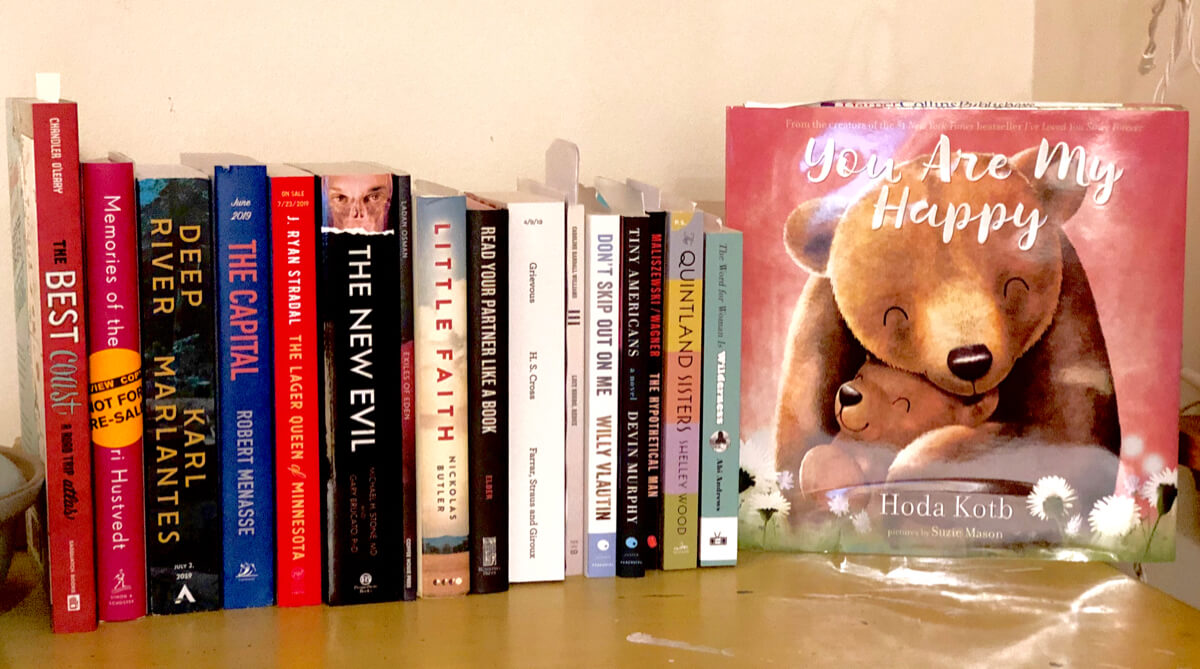
The Seattle Review of Books is currently accepting pitches for reviews. We’d love to hear from you — maybe on one of the books shown here, or another book you’re passionate about. Wondering what and how? Here’s what we’re looking for and how to pitch us.
When Short Run closes a door, Short Run opens a window.
Last week, Short Run announced the new recipients of their Trailer Blaze residency, which places women cartoonists in the Sou'wester Lodge and Trailer Park in Seaview for an intensive residency and community art experience. This year's new artists are:
Lori Damiano (Portland), Leela Corman (Gainesville), Graciela Sarabia (Pittsburgh), Amy Camber (Seattle), Ashley Franklin (Austin), Kacy McKinney (Portland), Alejandra Espino (Mexico City)
Are you sad that you missed out on this year's Trailer Blaze? If so, then you should probably apply for Short Run's Dash Grant program, which provides $250, community support, a free table at this year's Short Run Festival, and a spotlight on your work. Don't be sad about the opportunities you missed; plan for the opportunities you still have a chance to grab.
The Aggressively Passive Voice
Published March 5, 2019, at 12:00pm
Tonight, Richard Chiem reads from his debut novel at Elliott Bay Book Company. It's about a young woman who cuts herself off from the world in order to survive, and it goes to some delightfully odd places.
Angel of the Wind
O angel of the wind angel of the inferno
O angel of the vortex
O angel like a dahlia drooping in the heat
O crescent moon the color of copper of cantaloupe
O angel of the smoke that arrives
from Chelan and Wenatchee
from Cashmere and the OkanoganO the 577 fires of British Columbia
including the one at Tugwell Creek
threatening five million bees
including the 86,000-hectare Shovel Fire
including the words human-causedO angel of Seattle dirtiest air on the planet
dirtier than Dubai than Agra than Abu Dhabi
O dirty air the scales differ on how dirty
O dirty like a brick factory like a tannery
O dirty angel with your 217 AQI wings
O helicopters and tankersO ferocious king of the 85 flame-licking legions
O Furcas like a cruel man with a long beard
O Raum like the crow of close your windows
O Procel who speaks of hidden and secret things
such as just how bad is the air today — was it 7 cigarettes
or 17?O don’t breathe
O make sure your air conditioner has a filter
O adversarial AC angel
O evil angel guiding children
at the crosswalk in their N95 masksO nimbus nostalgia
O cobalt and azure
O gust please not from Hamma Hamma
O angel I can’t see downtown
O angel I cannot calculateO Vassago of the aching throat
O Wormwood blood in the snot
O Solas sneeze and cough
O Dantainian dizzy and out of sortsO sooty Ronobe searching for children to kill
O Shax O Gaap O Gadreel
O small particulates of which no level is safe
Orcas Island Lit Fest is back!
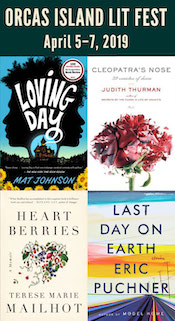
One of the best surprises of 2018 was the first Orcas Island Lit Fest. The event snuck up on us (and many), appearing full-blown and seemingly out of nowhere onto the literary scene. (Don't worry, festival organizers — we know amazing events don't come out of nowhere! We celebrate your work!)
We’re delighted and grateful to have the Lit Fest here to sponsor us this week, and to give our readers an extra push to get tickets now for the second year of the festival, happening April 5–7, 2019. The lineup is extraordinary; featured authors include Nicola Griffith and Teresa Marie Mailhot, and the list of panelists includes both national and local names that make our hearts flutter.
Three days of writing, readings, panels, and conversation, on one of the Puget Sound’s most beautiful islands? Sign yourself up now. We’ll look for you in the crowd!
Got an event you think our readers would love? You can sponsor us), too. If you have an opportunity you’d like to get in front of our readers, reserve your dates now.
Your Week in Readings: The best literary events from March 4 - March 10
Monday, March 4: A Deadly Wind Reading
In 1962, the Pacific Northwest was ravaged by an unprecedented windstorm known for years afterward as The Columbus Day Storm. John Dodge's new book tells the story of the storm, which has new relevance for those of us who are concerned about severe weather brought on by climate change. Third Place Books Lake Forest Park, 17171 Bothell Way NE, 366-3333, http://thirdplacebooks.com, 7 pm, free.
Tuesday, March 5: King of Joy Reading
Join Seattle author Richard Chiem as he launches his first novel, which is out from the great indie publisher Soft Skull Press. It's about a young woman named Corvus who moves through a world of sex and drugs and trauma. Elliott Bay Book Company, 1521 10th Ave, 624-6600, http://elliottbaybook.com, 7 pm, free.Wednesday, March 6: An Evening with Seanan McGuire
Seattle sci-fi and urban fantasy novelist Seanan McGuire, who also writes as Mira Grant, is unbelievably prolific. She has written books including the InCryptid series, the Ghost Roads series, the Wayward Children series, the October Daye series, and more — all in less than ten years. Tonight, McGuire will discuss her career, her body of work, and what's next. Seattle Public Library, 1000 4th Ave., 386-4636, http://spl.org, 7 pm, free.Thursday, March 7: Love Life
Love Life is a chapbook published by Pioneer Square publisher/art gallery/bookstore Mount Analogue. Author Patty Gone told Seattle Weekly that Love Life is based on his grandmother's love for Danielle Steele's body of work. This event kicks off a monthlong residency by Gone at Mount Analogue, including an art installation and the screening of a video drama. Mount Analogue, 300 S Washington St, http://www.mount-analogue.com/ , 6 pm, free.Friday, March 8: The Bird King Reading
See our Event of the Week column for more details. Elliott Bay Book Company, 1521 10th Ave, 624-6600, http://elliottbaybook.com, 7 pm, free.Saturday, March 9: Mixed Bag
Two great Seattle readers — Kristen Millares Young and Dujie Tahat — headline the ongoing variety show, which cofounder Jeanine Walker says "will be a tight 90 minutes, no intermission, with two comedy sketches, original music, a puppet and a video." You had me at "puppet," Jeanine. Hugo House, 1634 11th Avenue, 322-7030, http://hugohouse.org, 7 pm, $12.Sunday, March 10: Two Poets
Two Seattle poets — one with a long career and one at just the beginning of her career, read new work at Seattle's only poetry-only bookstore. Come see Laura Da’ and Sierra Golden do their thing. Open Books, 2414 N. 45th St, 633-0811, http://openpoetrybooks.com, 6 pm, free.Literary Event of the Week: The Bird King book launches
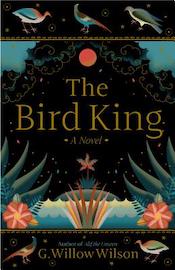
On Twitter last week, Seattle author G. Willow Wilson said that her upcoming novel The Bird King "is in many ways one of the most personal things I've ever written."
Much of Wilson's work — both overtly, in the case of her memoir Butterfly Mosque, or through allegory, as in her conspiracy thriller comic Air — is about the discovery of and maintenance of faith. Her conversion to Islam was a life-changing event, and in many ways she's been writing about that decision ever since.
The Bird King, which she says is "set [in 1491,] at the end of an era of profound and fruitful hybridity between European and Islamic cultures," represents "a symbiotic relationship that quite literally saved Europe's hellenic heritage from being lost." This symbiotic relationship sounds in some ways like the journey Wilson took to Islam in order to feel fully herself, the fusion of cultures that created something new while preserving some essential part of herself.
This week, Wilson debuts The Bird King for her adopted home town of Seattle a full week before the rest of the world gets it. On Thursday at 1 pm, she's kicking off her month long book tour with an intimate luncheon at Third Place Books Ravenna. And on Friday night at 7, she's officially launching the book into the world with a big reading party at Elliott Bay Book Company.
Whether you know Wilson from Butterfly Mosque or from her work writing comics like Wonder Woman or Ms. Marvel or from her excellent novel for young readers, Alif the Unseen, you know that she puts herself in everything that she writes. So you are undoubtedly excited to hear Wilson explain that writing The Bird King "was a cathartic writing experience in this time of frightening upheaval — a reminder that the world has come to an end before, yet humanity persists and remains."
The Sunday Post for March 3, 2019
Each week, the Sunday Post highlights a few articles we enjoyed this week, good for consumption over a cup of coffee (or tea, if that's your pleasure). Settle in for a while; we saved you a seat. You can also look through the archives.
The Making of an American Feminist
I missed Sophia Shalmiyev’s recent reading at Elliott Bay Books, with immense regret. Her review of Eileen Myles’s Afterglow is one of the most vibrant and energetic pieces I’ve edited in my time as associate editor here, and I was eager to see that energy on stage. Nanci McCloskey’s interview with Shalmiyev shows exactly why: Shalmiyev brings a fiercely feminist perspective and the same ambition to critical writing as she does to creative.
Every time I write I might imagine a feminist thinker or writer I wish to speak to directly and I try to do so without any of the pretenses or idealizations that reduce most women in the arts to tropes and clichés. Like Oh, that’s that experimental novelist; or that’s that writer who had been raped. I hate this. I hate that women must be marketed for their pain or their proximity to power, but not for their actual craft. Jean Rhys comes to mind right away. Ok, it is very relevant that she was an unhappy, broke, alcoholic, now what? Her sentences slaughter. Her themes and topics are sliced lemons on newly cut skin.
The Trauma Floor
The contractors Facebook hires to screen content are emotionally scalded, under extreme performance pressure and threat of retaliation from disgruntled moderators, and beholden to confusing, constantly changing, and often ignorant or misinformed direction from Facebook itself — corporate errors that can cost them their jobs.
Next time you log on to the behemoth popularity contest, reflect on the fact that this excruciatingly thankless work also allows our tech gods to continue stretching the income inequity gap until it breaks. Then take the currency of your attention to another vendor.
The use of contract labor also has a practical benefit for Facebook: it is radically cheaper. The median Facebook employee earns $240,000 annually in salary, bonuses, and stock options. A content moderator working for Cognizant in Arizona, on the other hand, will earn just $28,800 per year. The arrangement helps Facebook maintain a high profit margin. In its most recent quarter, the company earned $6.9 billion in profits, on $16.9 billion in revenue. And while Zuckerberg had warned investors that Facebook’s investment in security would reduce the company’s profitability, profits were up 61 percent over the previous year.
The Blaming of the Shrew
Sara Fredman uses television’s favorite antiheroes to dissect how unlikeable women help us like unlikeable men. Painful but apt, and worth reflection heading into 2020.
Looking back, it’s painful to admit that for many in the electorate, Hillary Clinton was the Skyler to Trump’s Walt, the Betty to his Don. We had already spent years seeing her as the Carmela to Bill’s Tony, implicated in her husband’s misdeeds by dint of staying with him, forever tainted by her own moral compromises that, while they paled in comparison to his, were for some reason less forgivable and rendered her eternally “unlikable.” It made sense, then, that when Clinton took a jab at Trump’s penchant for avoiding paying taxes while explaining her plan to raise taxes on the wealthy during the third debate, Trump interrupted to call her “such a nasty woman.” This one, he seemed to be telling viewers at home, is a Skyler.
Whatcha Reading, Abi Pollokoff?
Every week we ask an interesting figure what they're digging into. Have ideas who we should reach out to? Let it fly: info@seattlereviewofbooks.com. Want to read more? Check out the archives.
Abi Pollokoff is a poet and book artist. She holds an MFA in poetry from the University of Washington, and serves as the events manager for Open Books. She was our Poet in Residence for February, during which time we published four of her poems: To live in ignorance is exactly what, The Sea Thinks Beyond Itself, Urban planning when prayers for the body aren’t enough, and if the mirror.
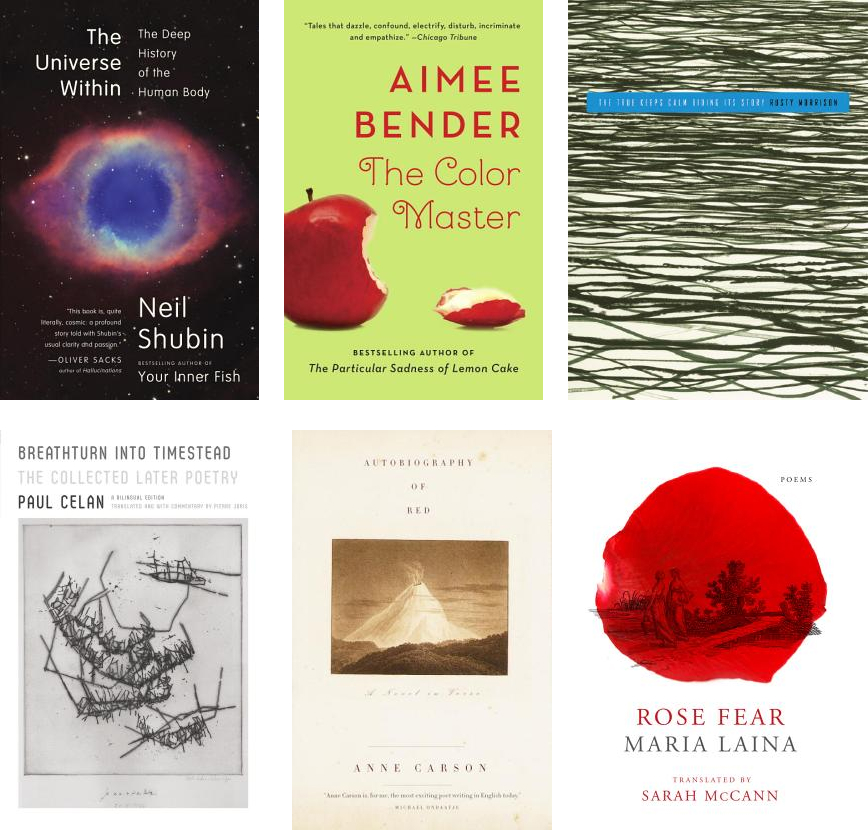
What are you reading now?
I’m in the middle of a few books: Nonfiction: The Universe Within, by Neil Shubin; Fiction: The Color Master, Aimee Bender; and Poetry: Rose Fear, by Maria Laina, translated by Sarah McCann.
What did you read last?
I just finished up rereading
Rusty Morrison’s
The True Keeps Calm Biding Its Story.
What are you reading next?
I have a few on my list! For poetry, Anne Carson’s Autobiography of Red, and I might do some rereading of Pierre Joris’s collection of Paul Celan’s later work, Breathturn into Timestead. My next prose might involve some Hélène Cixous, but I’m not sure what text of hers just yet!
February 2018's Post-it note art from Instagram
Over on our Instagram page, we’re posting a weekly installation from Clare Johnson’s Post-it Note Project, a long running daily project. Here’s her wrap-up and statement from February's posts.
February's Theme: Time Travel
At the end of January my father unluckily topped off a bout of pneumonia by breaking his back. For days, a week, two weeks, the pain was so acute I routinely caught him muffling isolated stoic sobs; the number of times in my life I’d ever witnessed my father crying quickly doubled, maybe tripled. Everyone became desperate to find anything he could still do, utterly immobilized in pain, to pass time faster. My oddball, surprisingly successful idea was asking him to choose my February posts; it turned out to be a confusingly delightful family activity. He enjoys orderly patterns, and felt strongly in his heart his February choices needed to be from past Februaries. After my assurances that really, truly, he could choose however he wanted, he immediately requested the February when his mother died, declaring (kind of gleefully?) “I’M IN A DARK MOOD.” The first two are right after she died. For me, my grandmother was both a fun friend and a fierce bully—progressively supportive when I came out as a teenager, but she never really loved me the same after I cut off my hair. In later years, she got heartbreakingly mean, seemed to think I was out to get her. She was a force, but always idolized and trusted men above women; I’d visibly sidestepped out of a system she’d believed was all-encompassing. So scary and threatening, there next to her but grown up a mystery. It feels wrong to say this, she was a friend too, goofy and playful, always liked monkeys for some reason. This sudden new friend of hers—I don’t remember her name—swore she’d said these words about me the night before she died. I don’t know if it’s true but it’s a sweet thought, a gentle ouch. February 15th I arrived to help clean out her apartment, and surprised myself by telling my dad no, he should take the guest unit, I wanted to stay in Nanny’s room. Slept alone in her bed, braced myself to cuddle into the life she’d just vacated. I use her dishes every day now, feeling a distance, a closeness. In a sweetly protective parent move, the other half of my dad’s dark mood theme was exposing how tough it is to be an artist. The class in question was about writing LGBTQ children’s books; East Anglia is the somewhat obscure part of England I’d been living in before my divorce. Jumping through hoops is most definitely writing yet another funding or fellowship application—noting the time of year, probably at least 3 specific ones—which most definitely resulted in rejection a few months later. Those things are exhausting. Still, I have to say I’m awfully grateful they exist, the handful of times they’ve worked out. Honestly we all need them, and they always work out for someone.
The Help Desk: Is my girlfriend having a novel affair?
Every Friday, Cienna Madrid offers solutions to life’s most vexing literary problems. Do you need a book recommendation to send your worst cousin on her birthday? Is it okay to read erotica on public transit? Cienna can help. Send your questions to advice@seattlereviewofbooks.com.
Dear Cienna,
I love that my girlfriend is even more of a book nerd than I am. Whenever I finish reading a trilogy and need something new, she's always there with a new book for me to read.
But the problem is that she's recently started talking to her ex-boyfriend again, and she's been reading books that he's giving to her. It's making me pretty uncomfortable. It feels like they're sharing a secret or something, whenever they talk about books.
I've brought it up to her and she says that I'm being silly and it's just books. But I still feel jealous. I guess I should say she broke up with him because he cheated on her. Am I being silly?
Tristan, Montlake
Dear Tristan,
I understand why this new relationship feels a bit threatening and I applaud you for speaking up. I was recently put in the difficult position of telling a good friend that I was uncomfortable with all the attention she was giving her new "baby." I reminded her that there is nothing a "baby" can give her that I can't besides sore nipples but like your gf, my friend did not take me seriously, which is left me no recourse but to steal her "baby's" identity and ruin it financially. Perhaps then my friend will realize that I am the wiser emotional investment.
Stealing your gf's ex-bf's identity may be untenable or simply not worth it, depending on his credit history (baby credit is as pure as the driven snow). If this is the case, I would encourage you to take a deep breath and remind yourself that you can't control your gf or her friendships (and you shouldn't want to). Strong relationships are built on trust and a mutual pact to never get pregnant, so instead of focusing on her, scout around town for new bookworm friends you can make. Join a book club, go to readings, find others who can recommend great reads to you and vice versa.
If this gives you any hope – and it should – I recently met a very nice llama down the street who might be new best friend material. She's quiet and she's been fixed, which are the number 1 and 2 things I look for in a friendship. As a bonus, her body makes sweaters and if we ever get into an argument, I can have her euthanized. Maybe try dating a llama next time?
Kisses, Cienna
Aaron Bagley's slept through today's deadline
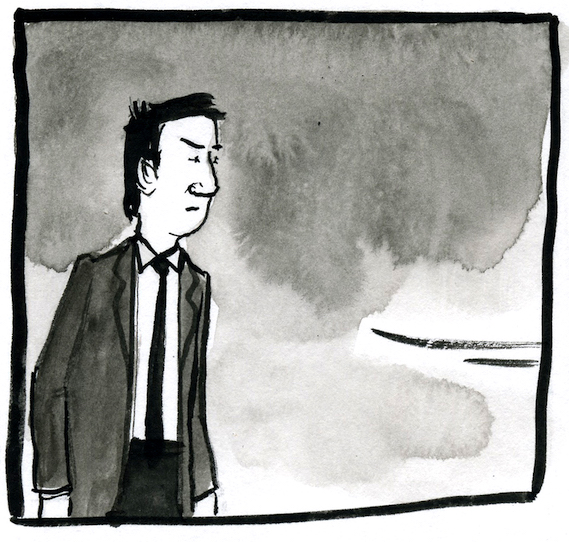
JK, he's really just taking a much deserved week off.
He'll be back next week, but in the meantime, why not take a look at some of the amazing dreams he's captured in the archives?
Portrait Gallery will return next week

Christine Marie Larsen is off this week, but that only means it's a great time to go look through the amazing archive of her portraits. She'll be back next Thursday.
Criminal Fiction: More Shakespeare than normal
Every month, Daneet Steffens uncovers the latest goings on in mystery, suspense, and crime fiction. See previous columns on the Criminal Fiction archive page
Reading around: new titles on the crime fiction scene
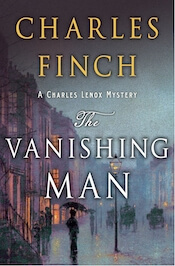
The Vanishing Man (Minotaur), the second of Charles Finch’s trilogy chronicling the fledgling-career days of London detective Charles Lenox, delivers a doozy of a mystery. The action ranges from the inner sanctums of plusher neighborhoods, to the dingy pubs of the East End and the busy thoroughfare of the Thames River, as Lenox pursues a missing painting, a missing Shakespeare play, and a wealthy duke who has, it seems, the power and reach enough to manipulate circumstances as he likes. This historical crime novel is firmly planted in Queen Victoria’s England, gentlemen’s clubs, rigid social mores, newly published sensation Uncle Tom’s Cabin and all, while gently planting the details that reveal the sturdy, nurturing ground from which Lenox grew to be an independent-thinker, generous friend, and empathetic ally. Tucked cannily in Finch’s fiction are brilliantly compelling moments that acknowledge contemporary sentiments as well – “It was exhausting, this arrogance” – as well as a terrifically heart-heating delineation of a character who writes his dedications at the back of the book he’s gifting because “it would be rude to speak before the author.” Ace.
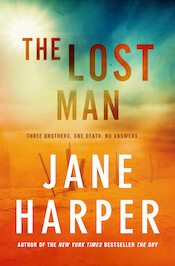
In the dusty, remote, palpably overheated Australian Outback, Cam, one of three brothers is found dead of exposure. Is it a murder mystery, a moral mystery, or a matter of accidental death? Jane Harper’s third thriller, The Lost Man (Flatiron), limns the truly harsh realities of living in isolated circumstances, here in the very specific and pitiless geography of Western Australia, while also unearthing and exposing the vagaries of dysfunctional family dynamics, recognizable pretty much everywhere. As Cam’s brothers, Nathan and Bub, their mother, and Cam’s widow and daughters grapple with coming to terms with their loss, Harper evokes the complexities of love, hate, rage, emotional baggage, and a spot of redemption with a spare language that suits her story’s geographical surroundings – and her characters’ deeply interwoven and even more deeply imprinted relationships – down to a T.
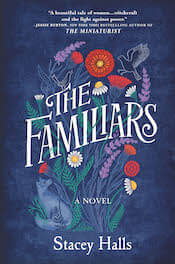
In The Familiars (Mira), Stacey Halls’ arresting debut, Fleetwood Shuttleworth, 17-years-old, wife of the wealthy Richard Shuttleworth, and mistress of Gawthorpe Hall, has substantive reason to believe that her fourth pregnancy in as many years – the previous ones were unsuccessful – will end in both the child’s death and hers. Hiring an experienced and intriguing midwife, one Alice Gray, makes such an immediate positive difference to Fleetwood’s health, that she’s emboldened to act when she realizes that local men in leadership positions are up to no good. But Alice and Fleetwood are caught in in a murderous, all-too-real tragedy – the notorious Pendle witch trials of 1612 – and thus their involvement is fraught with danger. A mesmerizing historical novel that deftly plumbs a darkly textured tapestry of so-called justice to reveal the real crimes being carried out against society: poverty, hunger, hopelessness, misogyny, and that mother of all-time high crimes, abuse of power.
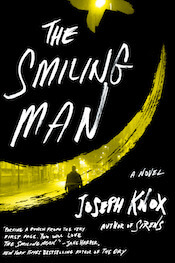
The Smiling Man by Joseph Knox (Crown) finds Manchester detective Aiden Waits barely holding onto his career by his fingernails – some of his colleagues prefer not to work with him after his tangle with illegal substances in 2018’s Sirens. As this riveting sequel opens, he and his partner, DI Peter Sutcliffe – for whom the description "grumpy, irascible, and belligerent" just doesn’t even cover it – are called to a shuttered, for-sale hotel that’s had a bizarre break-in. One bludgeoned security guard and one mysterious corpse later Waits and Sutty are immersed up to their eyeballs in a mystery that just won’t quit. Not one to stint on complexities, Knox brings the gritty streets of Manchester, the unstoppable greed of some, the penchant for violence of others, and an enormous heft of Waits’ seriously embedded emotional baggage and chequered past to bear on this shocking, elegantly-wrought police procedural.
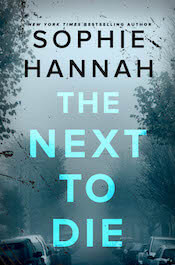
There’s a murderer loose on a gleeful killing spree – the targets appear to be pairs of friends who all receive odd little handmade books with quotes from literary works – and, as the recipient of one such booklet, stand-up comedian Kim Tribbeck looks to be a future victim. Kim, however, famously has no friends, so what gives? The Next to Die (William Morrow) by Sophie Hannah is a pleasurably convoluted mystery that even has Hannah’s genius detective Simon Waterhouse stumped – not to mention his myriad colleagues and a serial-killer profiler. Meanwhile, Simon’s wife, Sergeant Charlie Zailer, has her hands full working on the Tribbeck case as well as one a little closer to home: just what are her sister, Liv, and Liv’s supposed former lover – and Si and Charlie’s colleague – Chris Gibbs up to, insisting they’ve broken up but still sneaking around together, meeting other couples for lunch? Hannah, a poet as well as a novelist, infuses this engaging outing with the Culver Valley police department with even more wordplay than usual, giving the ever-acerbic police chief Proust some particularly tasty one-liners.
The Quintessential Interview: Don Winslow

Fourteen years since he published 2005’s The Power of the Dog, Winslow delivers The Border (William Morrow), rounding out his war-on-drugs trilogy that included 2015’s The Cartel. This crime-thriller’s action – which picks up immediately after Cartel’s left off – is appropriately grim, violent, and fast-paced. We get up close and personal, for example, with second-generation drug lords, kids who were born rich and have learned more about getting high and getting laid than getting into business. But Winslow also immerses us in the lives of young immigrants, of desperate addicts, of undercover cops and federal higher-ups – the full range of people impacted by the greed, manipulations, and arrogance of the white-collar money-men and the gangsters they do business with, representing, as they clearly do, a brutally cruel supply-chain management system. Like other contemporary crime fiction, Winslow’s mighty brick of a novel takes a swing at the horrific corruption trashing our democracy at the moment, and comes out winning.
What or who are your top five writing inspirations?
History. The news. Shakespeare. Jazz. The writers who came before.
Top five places to write?
A desk in a converted gas station I rent. My mother’s porch. Any train. A tent. A beach parking lot.
Top five favorite authors?
Shakespeare. Jim Harrison. Bruce Springsteen. Raymond Chandler. Elmore Leonard
Top five tunes to write to?
“Darkness on the Edge of Town,” Bruce Springsteen; “Moanin,’” Art Blakey and the Jazz Messengers; Beethoven String Quartet # 14; The Serpico soundtrack; “Everything Happens to Me,” Sonny Stitt.
Top five hometown spots?
The beach near the house I grew up in. This fish and chips place on the harbour. The local library. A taco joint on Main Street. This old road that runs from the house, past a farm, to the beach.
Thursday Comics Hangover: Watch out boys, she'll chew you up
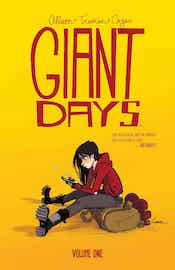
So with Saga on hiatus and G. Willow Wilson's impressive five-year run on Ms. Marvel over, what's the comic that I most look forward to reading every month? I'm enjoying a lot of comics right now, but not many of them inspire the kind of anticipation that great monthly comics do.
Probably the book I'm most consistently enjoying right now is Giant Days — every issue of this college series is funny and clever and full of boundless compassion for the main characters. As the protagonists draw closer to their last day of university, I'm left worrying what will happen to the book — I don't want to say goodbye to these young women, but I also don't want them to overstay their welcome. This is the kind of push-pull relationship that good comics can bring out in their readers.
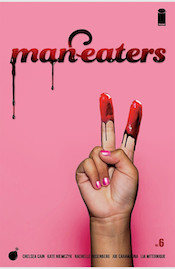
But the book that I'm most looking forward to these days — the one that I absolutely can't stop myself from devouring as soon as I buy my weekly comics — is Portland author Chelsea Cain's Man-Eaters.
The plot, as described in the advertising copy for the first issue, sounds like a pretty straightforward sci-fi allegory: "A mutation in Toxoplasmosis causes menstruating women to turn into ferocious killer wildcats—easily provoked and extremely dangerous."
There's a lot to examine in that premise, of course — giving an overt terror to society's fear of women's sexuality puts an interesting spin on these #MeToo times. But the tone is what turns Man-Eaters from a good idea into a great comic.
Cain and her artists — Kate Niemczyk, Lia Miternique, and Stella Greenvoss — use the premise to explore a satirically heightened Portland Oregon in a bunch of interesting ways. The graphic design in this book is incredible. In issue 6 alone, there are great visual riffs on Google Maps, dog food ads, Soviet propaganda, the terrors of a random YouTube page, and medical forms.
And as she follows her cast of young women around a world that hates and fears them, Cain is pulling together themes from all over popular culture, including song lyrics from "Do Ya Think I'm Sexy" and "The Lion Sleeps Tonight," along with a pretty good Portlandia-style joke and a very funny running gag about comic book colorists. It's not a horror story — that would be too easy, and so thoroughly 1990s — because there's nothing scary about female sexuality. Instead, Man-Eaters is funny and empathetic and inquisitive and energetic.
Man-Eaters is consistently the most surprising, experimental, and humane book I read every month, and for that reason, this is the book that I am most eager to read when new comic book day rolls around.
Book News Roundup: Save LEMS Bookshop, apply for these sweet publishing gigs
- There's now a GoFundMe campaign to save Columbia City's own LEMS Bookstore by combining it with the Beacon Hill activist center, Estelita's Library.
We are raising money for the historic L.E.M.S. (Life Enrichment) Bookstore, the last Black-owned bookstore focused on the African diaspora in the Pacific Northwest! LEMS Bookstore has been around for over 20 years, with all of its time being in Seattle. It has been in its current location for over a decade, serving the Black community and the larger Seattle community with cultural space, books, knowledge, Kwanzaa, and so many more cultural events. All of which we want to continue -- but we need your help.
Are you looking for a publishing job? Seattle's own Sasquatch Books is now hiring a production designer and a publishing coordinator.
You have a couple months to apply to be Seattle's next Civic Poet. Don't wait until the last minute, please. You'll thank me later.
The fourth print volume of Moss, the great Pacific Northwest literary magazine, will be published this summer. To celebrate the announcement of the upcoming volume, Moss published a new essay by APRIL Festival founder Tara Atkinson. Here's the first paragraph:
After my father died, I waited for his ghost. I waited for him in the church that held his body and in my uncle’s house in Indiana where we stayed until the funeral was over. One night a powerful thunderstorm woke me, loud and bright. It reminded me of what summer is in the Midwest, and that I don’t live there anymore. When I returned to Seattle, I continued to wait. He did not show up in my dreams. He did not appear in any of my doorways. His face did not reflect up out of the coffee mugs I took from his house.
If all Seattle read the same graphic memoir

This week, the Seattle Public Library announced their 2019 Seattle Reads selection. This is the program that makes hundreds of copies of a single selected title available at libraries throughout the city, and which then brings the author to town for a series of readings, conversations, and examinations of the book.
This year's selection is a comic book: The Best We Could Do, by Thi Bui. SPL's site describes the book as...
...a haunting memoir about the search for a better future and a longing for a simpler past. Thi Bui documents her family’s daring escape after the fall of South Vietnam in the 1970s and the difficulties they faced building new lives for themselves in America. As the child of a country and a war she can’t remember, Bui’s dreamlike artwork brings to life her journey to understanding her own identity in a way that only comics can.
It's obviously a great time for Seattle to get together to discuss the immigrant experience, and what it's like to be an outsider in the USA. It will be interesting to see how the Seattle Reads program interacts with a comic: will the book be more accessible to our city's general population? Will it change the way people respond to the text? Will a conversation with a cartoonist be any different than the novelists who've come to the city in the past?
This is an exciting choice for the Seattle Reads program, and I can't wait to see what happens if all Seattle reads the same comic. Copies of The Best We Could Do will soon be available at a Seattle Public Library branch near you, and Bui will be reading all over Seattle later this spring. Check back here for more information as it's available.
What it's like to literally write the book on Donald Trump
Next Wednesday, the Reading Through It Book Club will meet at Third Place Books Seward Park at 7 pm to discuss *Unpresidented*, a meticulously researched biography of Donald Trump intended for young readers. For the first time in our book club's history, we'll be joined by the book's author — Seattle's own [Martha Brockenbrough](http://martha-brockenbrough.squarespace.com/). I talked on the phone with Brockenbrough yesterday about what to expect at the book club, what it's been like to hand over so much headspace to such a terrible person, and why it's important to not tune out the news, no matter how tempting that may be.
Thank you for agreeing to come to our book club next week! We're really excited to have you — you'll be the first author to attend one of our meetings. Unfortunately, I'm not sure you'll like this first question. In our book club, we all vote on the next book we'll discuss, and the vote for Unpresidented was closer than I thought it would be. One book club attendee actually pointed at Trump's picture on the dust jacket and said, "I don't want to have to look at that man for a month." Which I found to be a pretty remarkable statement for a book club that started in direct response to Donald Trump winning the 2016 election! So I was wondering if you've had a lot of pushback from exhausted liberals who are suffering from Trump fatigue and if you have anything you say to those people?

They're really talking about the feelings of being triggered by this guy. His face is everywhere. His voice is everywhere. His idiosyncratic diction is everywhere.
About the cover — the dust jacket comes off. Seriously, I can totally understand the feeling of being triggered — because I got to a point where it was very difficult for me to listen to audio clips. When someone is not telling you the truth, you feel insulted. Being honest with each other is an absolute basis for our community — you cannot live in a civil society without honesty being the norm — and the fact that he has so violated this particular norm, I think, is one of many reasons that people feel triggered.
But it's important. We have to look, we have to gaze into the abyss. And you know this is where we, especially those of us who enjoy any sort of privilege at all — meaning we don't fear we're going to be deported based on the color of our skin — we have to brave it.
What was it like writing a book about current events? Obviously, unfortunately, the Trump presidency is still ongoing , and so at some point you had to let go of the book and send it out to be printed. How did you decide how to stop writing this book?
So my previous biography was about Alexander Hamilton, and his story has remained relatively stable for a while now. In many respects with Trump, you know, there's always a new headline, there's always a new outrage, there's always a new something that in previous times would have been a headline-dominating scandal for months.
You know how traditional presidential biographies often go through the first hundred days? My editor suggested [covering just] the first hundred days. But I took a look at what had happened, I made this big huge spreadsheet of the timeline and events, and at the end of the first hundred days he had not yet fired James Comey, there was no Mueller investigation, they had not implemented a plan of separating families at the border. So some of the dominant features of the Trump presidency hadn't happened yet.
So I just decided that's not going to happen — I'm going beyond the first hundred days. My second thought is I wanted the book to feel as fresh and current as possible.
So when he, in Helsinki, once again rejected the conclusions of the American intelligence community in favor of his bromance with Vladimir Putin, and when John Brennan and others were saying 'this is treason,' I decided that's a pretty good place to end the book.
But if you look at it another way, not a lot of stuff has changed with Trump — not since he was a little boy writing poems about winning at baseball and loving the cheers of crowds. I wanted to set up patterns: his father's business practices, his business practices, his grandfather. I wanted to identify the patterns and see what those told me about Trump and the things that drive him. Once you do that and identify the fact that here's a guy who's long been entangled with Russia, here's a guy who's long broken the law and cut corners with business — once you establish those patterns, then all the breaking news headlines are frankly more of the same.
And so my job as the writer was to find a representative dramatic and satisfying ending, and I think a whiff of treason says that nicely.
So you might be able to teach us how to separate the meaningful Trump news from the pointless Trump news?
There's been nothing that's come out since my book was published that is surprising or new for me. It's all in there.
There's always the possibility for surprise — I don't have a lot on Saudi Arabia and certainly the murder of Jamal Khashoggi, and whatever Jared Kushner is doing with his businesses. But when you look back, the big themes — lying, corruption, racism, misogyny, bigotry, incompetence — these things aren't changing.
It's compelling to follow the headlines, but really, what's important? Continuing to vote. What else is important? Paying attention to what happens in the Mueller investigation — and certainly in Congressional investigations, but the Mueller one is really historic in its breadth and importance.
And then other than that, we have actual major issues — you know, climate change is huge. The amount of homeless students in Washington State, homeless kids in the Seattle Public School district — that's huge. Let us fight these local and global battles, and know that for us to have up-to-the-minute understandings of the latest scandal that already fits an established pattern is not as important as taking care of ourselves and the people around us.
Are there any aspects of the Trump presidency that you haven't talked about yet that you might like to discuss next week?
Let's see what the news is next week. Like yesterday, for example, Junior said this [Russia] stuff happened in 2006, before Trump ever dreamed of running for office. Bullshit! He's been talking about running for president since 19-fucking-80. You cannot trust a single thing these people are saying. So, there's bound to be some news and we could certainly use it as an example.
class="noindent" Can I ask you, as an expert, why does Donald Trump play "You Can't Always Get What You Want" at the end of his rallies? It's such a deeply bizarre choice for a presidential event.
I mean, he's just probably thinking, 'oh, this is something that they'll like — it's a crowd pleaser.' And he's just a huge dork. He's just this guy who peaked in high school, who wants everybody to love him, who has done poorly in business, has cost taxpayers, like, $1 billion in New York, his billion-dollar loss cost banks and he used it as a tax write-off. He has slurped $2 billion from the public and doesn't have much to show for it. And he just wants to be beloved and cool. It's just amazing he was elected.
Mail Call for February 26, 2019
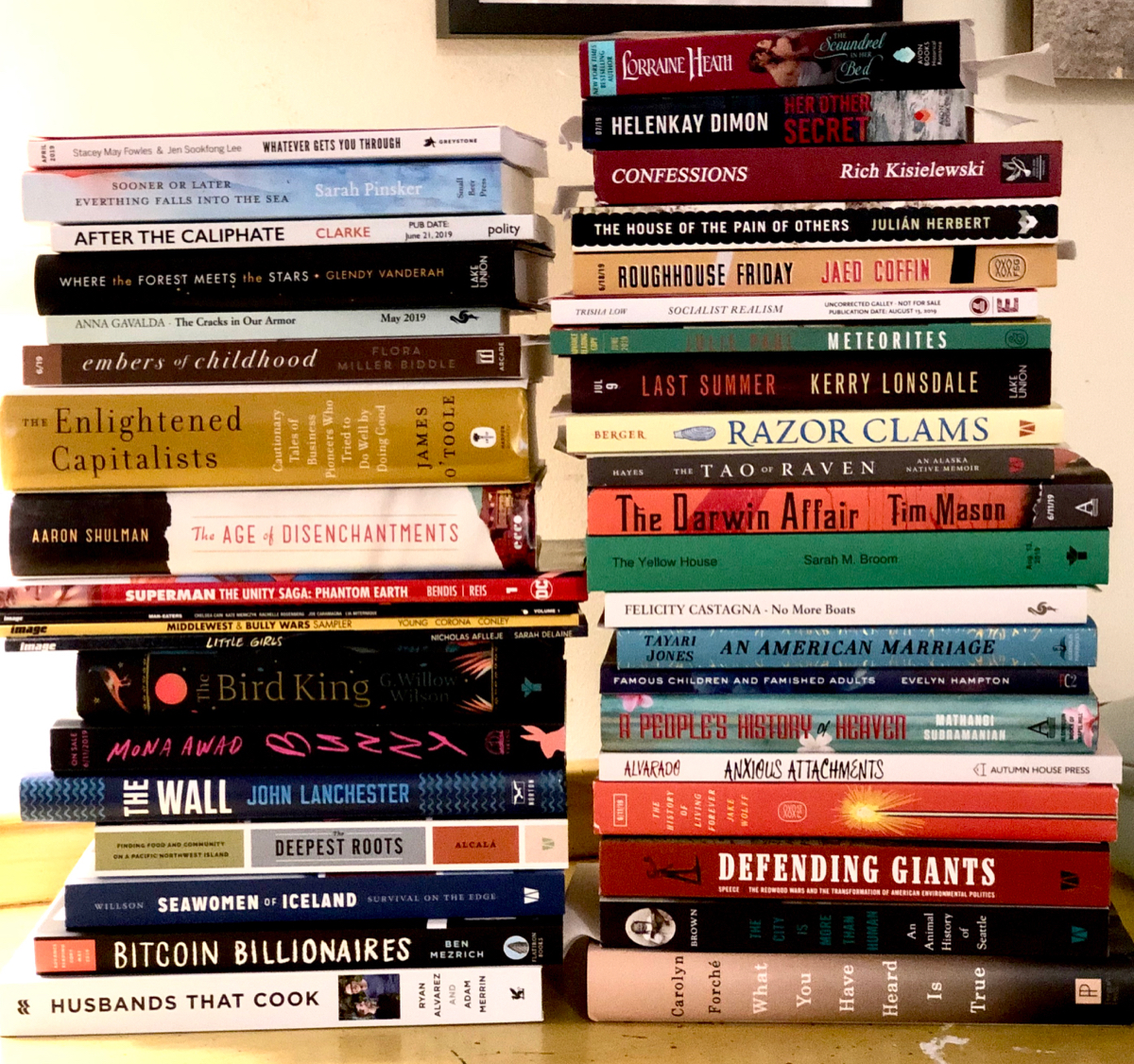
The Seattle Review of Books is currently accepting pitches for reviews. We’d love to hear from you — maybe on one of the books shown here, or another book you’re passionate about. Wondering what and how? Here’s what we’re looking for and how to pitch us.
No alternative
Yesterday's news — broken by Crosscut's David Kroman — that this week's issue of the Seattle Weekly will be the final print edition of the alternative weekly has saddened a lot of Seattleites. And rightly so! It's always sad when journalists lose their jobs — even moreso when their good work has been relentlessly undermined by reshuffling and corporate cuts along the way.
Watching the slow death and decline of the alt-weekly in general has been painful. When I first started paying attention to alternative weeklies in the 1990s, they still felt like genuine countercultural documents. I got my start at alternative weeklies, and I've been published in quite a few alt-weeklies over the years. (Full disclosure: for a couple years, the Seattle Review of Books republished pieces in the print edition of the Seattle Weekly as part of a content sharing agreement; no money or ownership ever changed hands.)
But the last two decades have seen alt-weeklies age very poorly. The aging alt-weekly hipsters in management who saved themselves in the onslaught of layoffs and shutterings have soured into reactionary South Park-style conservatives, tossing out clickbait and feasting on outrage, to diminishing returns — look at the LA Weekly and the East Bay Express, among others.
In the onslaught of the internet and the devaluation of print advertisements, alt-weeklies have gone from the freshest source of urban cultural commentary to the stodgiest. It's hard to imagine today's teenagers aspiring to one day write in what's left of the alternative weekly media bubble, in just the same way that nobody in my generation really dreamed of writing for Playboy or any of those other washed-up countercultural dinosaur outlets.
But over the last few years, the Weekly didn't fall into the bitter-old-white-man trap that captured so many other alt weeklies, and they deserve our respect for that. Right up until the end of the print edition, they told compelling stories about Seattleites and tried to make sense of wonky regional politics. They were a publication that was devoted to documenting life in Seattle, the way it looked on the street.
In my 20 years in Seattle, I've seen the Weekly fall and rise: when I first moved here, it was becoming the establishment paper. But under the leadership of arts editor Kelton Sears about five years ago, the Weekly started embracing Seattle's weirdness again, and it became an earnest celebration of what makes this city unique: the comics, the outsider art, the tireless young creators. The Weekly continued keeping that DIY spirit alive in the print edition even after another round of budget cuts wiped out Sears's art section and reduced the print publication to a few sheets of thin newsprint.
The Seattle Weekly will reportedly still continue online, where the "Weekly" part of the name will essentially be meaningless. But starting next week, there will be no alternative weekly published and distributed on the streets of Seattle. And that's a moment worth marking — a complicated legacy that should be noted. Whatever form their journalism takes in the future, the stewards of new media should reflect on the lessons and tragedies and triumphs of the 20th century alternative weekly. They got a lot wrong in the end, but the good times were pretty great.
A family is a promise you make to the future
Published February 26, 2019, at 12:00pm
Bestselling author Tara Conklin's new novel begins with a mystery at a poetry reading. The truth is revealed over the course of a decades-long family history.
if the mirror
(Side-scroll to see full lines)
in its gilded frame
beheld the body’s greeneries something
lovely:
a
face of leisure
a
leaning
in the
neck’s question
nothing more
than a slung shoulder
a slipped stem into a gilded vase
an unstrung bodice
would it be
the lady or the thread
tucking itself into a stretching fog
throating out a call
or reply
it’s a lovely thing
to be the mirror
to be the lady
& with the neck in repose
what’s the throat to do
The Chuckanut Writers Conference has a stunning lineup for you
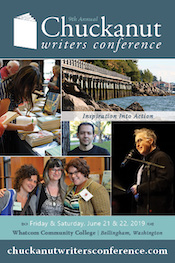
We're so delighted to have Chuckanut Writers Conference as a sponsor this week! We are always thrilled when a sponsor returns (thank you, Chuckanut!), and we're especially thrilled to make sure our readers are in the know about events like this.
The Chuckanut Writers Conference is laser-focused on making sure writers who attend walk away with the tools they need to do the work. They're bringing an amazing list in this year for classes, readings, and talks — Tara Conklin, Laurie Frankel, and Nancy Pearl are just a few of the names on the list. See the full lineup on our sponsor feature page, then sign up now for the earlybird discount.
When you sponsor us, you put your book, event, or residency in front of our readership of book lovers and industry professionals. And you're helping keep Seattle's amazing community of writers, reviewers, and readers vibrant. Want to join us? Check out rates and dates at www.seattlereviewofbooks.com/sponsor/.
Your Week in Readings: The best literary events from February 25th - March 3rd
Monday, February 25: Inheritance Reading
You know those DNA tests that everyone has been taking for the last couple of years? Dani Shapiro took one, and she discovered that her father was not her biological father. Her book Inheritance: A Memoir of Genealogy, Paternity, and Love is about that experience. Third Place Books Lake Forest Park, 17171 Bothell Way NE, 366-3333, http://thirdplacebooks.com, 7 pm, free.Tuesday, February 26: Warlight Reading
Michael Ondaatje's latest novel is being praised as a return to form for the author — Warlight, about siblings who are broken apart at the end of World War II, is receiving the kind of attention that, say, The English Patient used to pick up. That's saying something. Seattle Public Library, 1000 4th Ave., 386-4636, http://spl.org, 7 pm, free.Wednesday, February 27: Zadie Smith
How is this not sold out yet? Zadie Smith is one of our best living novelists, and one of the most brilliant cultural critics working today. Seattle Arts and Lectures is bringing her to Seattle and putting her in conversation with Valerie Curtis-Newton a UW professor of theatrical arts. Benaroya Hall, 200 University St, 215-4747, https://lectures.org/event/a-conversation-with-zadie-smith/, 7 pm, $35.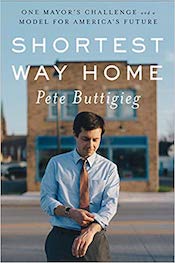
Thursday, February 28: Shortest Way Home Reading
Maybe you didn't know that South Bend Indiana Mayor Pete Buttigieg is running for president as a Democrat. That's okay. You don't even have to vote for him. But you should definitely learn more about the man, who has an impressive resume: a married millennial gay man who served in the military and who is garnering bipartisan support in a time when people don't stray outside their party. Buttigieg is unlikely to be our next president, but you certainly haven't heard the last of him. Seattle Public Library, 1000 4th Ave., 386-4636, http://spl.org, 7 pm, free.Friday, March 1: Kiyonuk Reading
Sandy Mazen's memoir Kiyonuk: An Arctic Alaska Boyhood is about growing up in a pair of small northern Alaska villages. Expect to read a lot about snow. Third Place Books Ravenna, 6504 20th Ave NE, 525-2347 http://thirdplacebooks.com, 7 pm, free.Saturday, March 2: Word Play
See our Event of the Week column for more details.Hugo House, 1634 11th Avenue, 322-7030, http://hugohouse.org, 7:30 pm, $10.
Sunday, March 3: Gravity Assist Reading
Seattle Review of Books's March Poet in Residence, Martha Silano, celebrates her new poetry collection at Seattle's temple of poetry. Local poets Kelli Russell Agodon, Molly Tenenbaum, and Rick Barot will help bring Gravity Assist into the world. It's Silano's fifth poetry collection, and it may be her best.Open Books, 2414 N. 45th St, 633-0811, http://openpoetrybooks.com, 5 pm, free.
Literary Event of the Week: Word Play at Hugo House
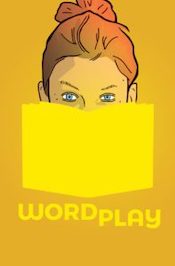
Every year, two local organizations — Seattle7Writers and Bushwick Book Club — come together to do what they do best. For Seattle7Writers, that means presenting some of the best writing in the city. For Bushwick Book Club, that means local musicians transforming great literature into new music.
This Saturday, Word Play brings three local writers together with nine local musicians at Hugo House to create new music. The three authors are:
Laurie Frankel, who I noted in her novel This Is How It Always Is "clearly loves her characters, and is rooting for them to succeed. That gives the book a charm that makes it very hard to put down."
In my review, I said that Anca Szilágyi’s debut novel Daughters of the Air "feels as real and as insistent as the vein pulsing just over your right eye."
And Oliver de la Paz calls Michael Schmeltzer's poetry collection Blood Song a "startling debut" which "is filled with a tenderness capable of turning us to tinder."
On their event page, Bushwick Book Club doesn't say which musicians will participate in the event, and that's a shame.
But whoever musically interprets the books has got some great material to work with: a dark fairy-tale story of a young woman trying to make her way in the world, a story of a loving family trying to help their child be who she is deep down, and a collection of poems from one of our most promising poets. When you're working from that kind of literary source material, you're bound to make some beautiful music.
Hugo House, 1634 11th Avenue, 322-7030, http://hugohouse.org, 7:30 pm, $10.
The Sunday Post for February 24, 2019
Each week, the Sunday Post highlights a few articles we enjoyed this week, good for consumption over a cup of coffee (or tea, if that's your pleasure). Settle in for a while; we saved you a seat. You can also look through the archives.
No Deadlines
Robert Messenger, two-time editor at the one-time Weekly Standard, with an essay that is “about something other than the ostensible subject.” The pain and pleasure of deadlines at dailies, weeklies and monthlies; the difficult transformation of the media industry; and, especially, the loss of a lifetime’s profession. Serious but not self-pitying, wry, and interesting enough if you’re a sucker for how-things-work to justify yet another article on the “death” of publishing.
The miracle is not that newspapers are any good; it is that they come out at all. One of the city’s greatest critics once told me that the best advice he got in two decades at the New York Times was when he proposed a new arts column. “Do you know what a newspaper feature is?” an old-timer asked him: “It’s a hole you have to fill with sand every goddamn day”. Not bad as a description of the whole business. It wears you down.
An Honest Living
I need to warn you that this is long, because I think that, like me, you’ll have trouble stopping once you start. Steve Salaita was a professor for two decades; then, abruptly, after a series of Israel-critical tweets, he was not. Here, he writes about choosing to leave the life of the public intellectual, the economic threads that complicate “free speech” in our academic institutions, and the semiotics of the school bus.
The job induces primal expressions of love. School buses supersede their physical structure; they anchor a huge apparatus designed to guard the vulnerable. The machine is outfitted with lights and blinkers calculated to announce its presence. It is excessive on purpose. Nothing is more important than its cargo. SUVs, bicycles, eighteen-wheelers, ambulances, fire trucks — all abdicate their right of way when the stop sign and crossbar swing into the roadway. The school bus is one of the few institutions in the United States that protects the powerless from the depredations of commerce.
Tove Jansson on Writer’s Block
Tove Jansson is so very good at delivering the gracious and the ridiculous side-by-side — giving neither the upper hand, maintaining the perfect balance of sharp and sweet. Here she sits in a park in Paris, writing about being unable to write, which should be the most tedious subject possible. In her voice, it is the opposite.
I can’t understand why I must drag the ocean into everything I write. Furthermore, it’s so fucking hard to go on with something that was so wonderfully simple and I should know this well.
Whatcha Reading, Toni Yuly?
Every week we ask an interesting figure what they're digging into. Have ideas who we should reach out to? Let it fly: info@seattlereviewofbooks.com. Want to read more? Check out the archives.
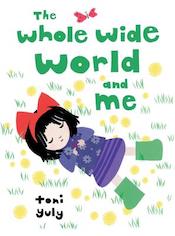
Toni Yuly is a Bremerton-based children's book writer and illustrator. Formerly a librarian, she studied painting with Jacob Lawrence at the University of Washington. She's appearing Sunday, February 24th, at the Elliott Bay Book Company at 3pm to show her latest book The Whole Wide World and Me. Bring the kids!
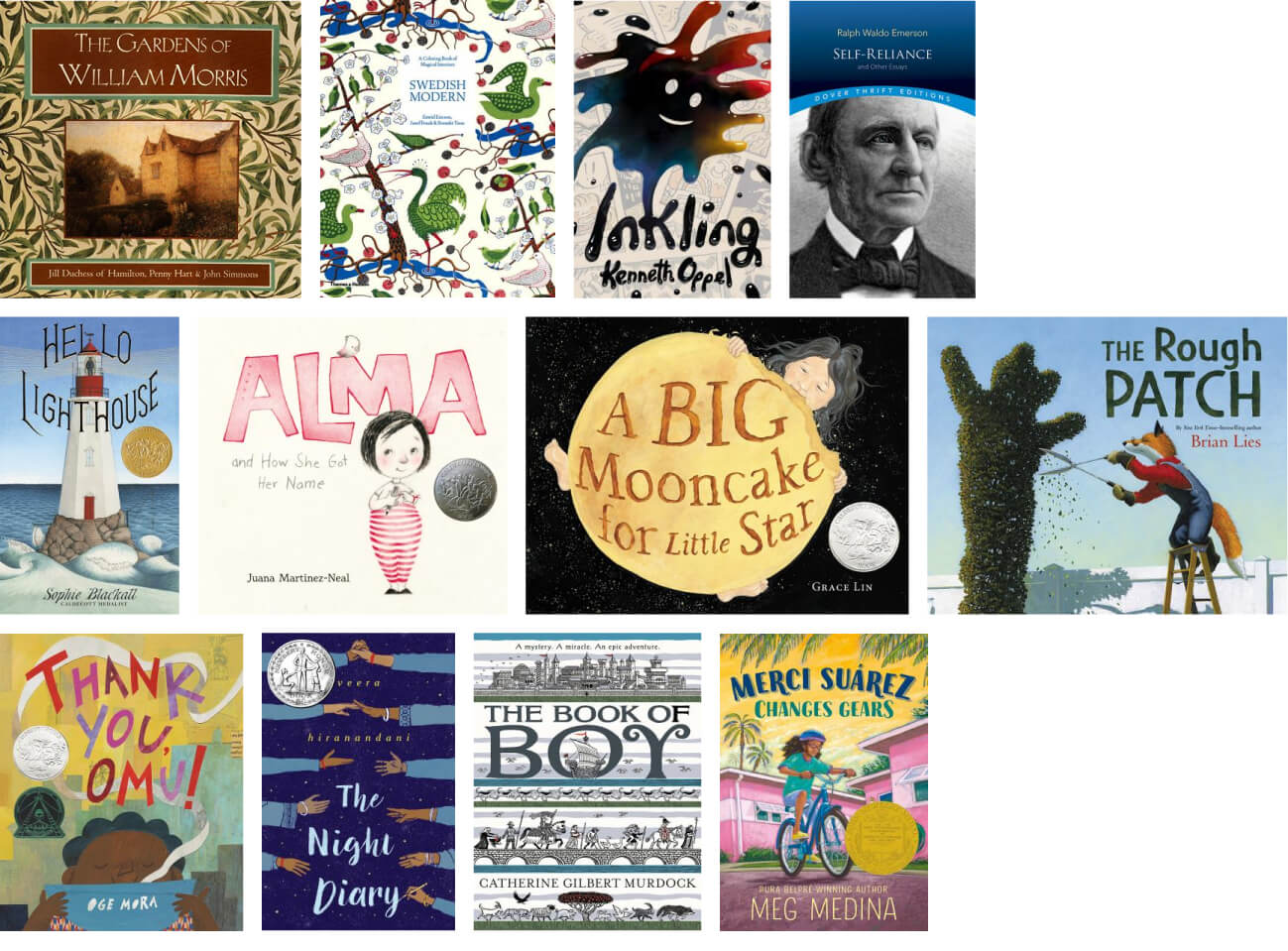
What are you reading now?
I am a book packrat and at any given time have stacks of books around me that I dart in and out of…I am also in the middle of finishing artwork for my next book and so tend to gather books around me that help inspire the work I am currently doing.
All that said, a couple of the books I am reading right now are:
The Gardens of William Morris by Jill Duchess of Hamilton, Penny Hart, and John Simmons. I love seeing Morris's designs and the flowers and gardens they came from. It also is interesting to read about this eccentric, Victorian workaholic.
Swedish Modern (A coloring Book of Magical Interiors) Janet Colletti - It isn't so much a coloring book but a gorgeous art book that celebrates the work of Swedish designer Josef Frank.
What did you read last?
I last read a great middle grade novel by Kenneth Oppel called, Inkling. It is a fun, fast read with perfect illustrations by Sydney Smith.
What are you reading next?
Next I want to re-read some of Ralph Waldo Emerson's essays, especially Self-Reliance and The Over-Soul. I also want to read all of the recent Children's book award winners, Caldecott and Newbery. Here's the list:
Caldecott:
- Hello Lighthouse by Sophie Blackall
- Alma and How she Got Her Name by Juana Martinerz-Neal
- A Big Mooncake For Little Star by Grace Lin
- The Rough Patch by Brian Lies
- Thank you, Omu! by Oge Mora
Newbery:
The Help Desk: Paperback fighter
Every Friday, Cienna Madrid offers solutions to life’s most vexing literary problems. Do you need a book recommendation to send your worst cousin on her birthday? Is it okay to read erotica on public transit? Cienna can help. Send your questions to advice@seattlereviewofbooks.com. Cienna is out this week, so this is a re-run of a column from March of 2016.
Dear Cienna,
A co-worker and I often trade book recommendations. She has more seniority than I do but we are both in management. She recently went on a vacation and borrowed two of my paperback books that I had recommended to her. But she only came back with one of the books. She said the other one had fallen in the pool and then she ended up giving it to one of her fellow vacationers. She half-heartedly mentioned that she’d look for a used copy of the book to replace it. It’s been a few months and she hasn’t. Any advice?
Feeling Burned in Ballard
Dear Burned,
You are never going to get that book back. We both know that. What you need to do is suck it up and do the adult thing: drop it. Keep lending her books. Likewise, return her books in pristine condition. Smile at her in hallways. Volunteer to partner with her during team building exercises at work. Eventually, ask your spiders to make themselves scarce for an evening and invite her over for dinner. Over a bottle or two of mid-range wine (don’t go cheap, she’s not a monster), ask her searching questions about her life’s goals and ambitions. Press her about family or her partner, if she has one. If she doesn’t have a partner, ask her why she thinks she is not worthy of love? When she’s ready to leave your home at the end of the night, brush your fingertips down her arm, look deep into her eyes and tell her that you admire her. Continue cultivating her friendship. Invite her to happy hours, birthday parties, book readings. Invent inside jokes. Trade family recipes. Text emojis apropos of nothing.
Then, months from now, when the book she failed to replace is a distant memory, invite her to join you at a weekend Friends of the Seattle Public Library book sale. The sales are popular and a ton of fun, especially for two best friends who share the same passion and taste for literature.
Offer to drive.
Pick her up.
Tell her you need to make a quick detour before hitting the book sale.
Drive her to the desert.
Tell her to get out of the car.
Then, leave her for dead with nothing but a Danielle Steele novel and 6 inches of garden hose.
Consider it your own version of Naked and Afraid, Book Stealer Punishment Edition.
There are downsides to this plan – if she survives you will likely be written up by HR. But I think we can both agree it will be worth it.
Kisses,
Cienna
Portrait Gallery: Nisi Shawl and Octavia Butler
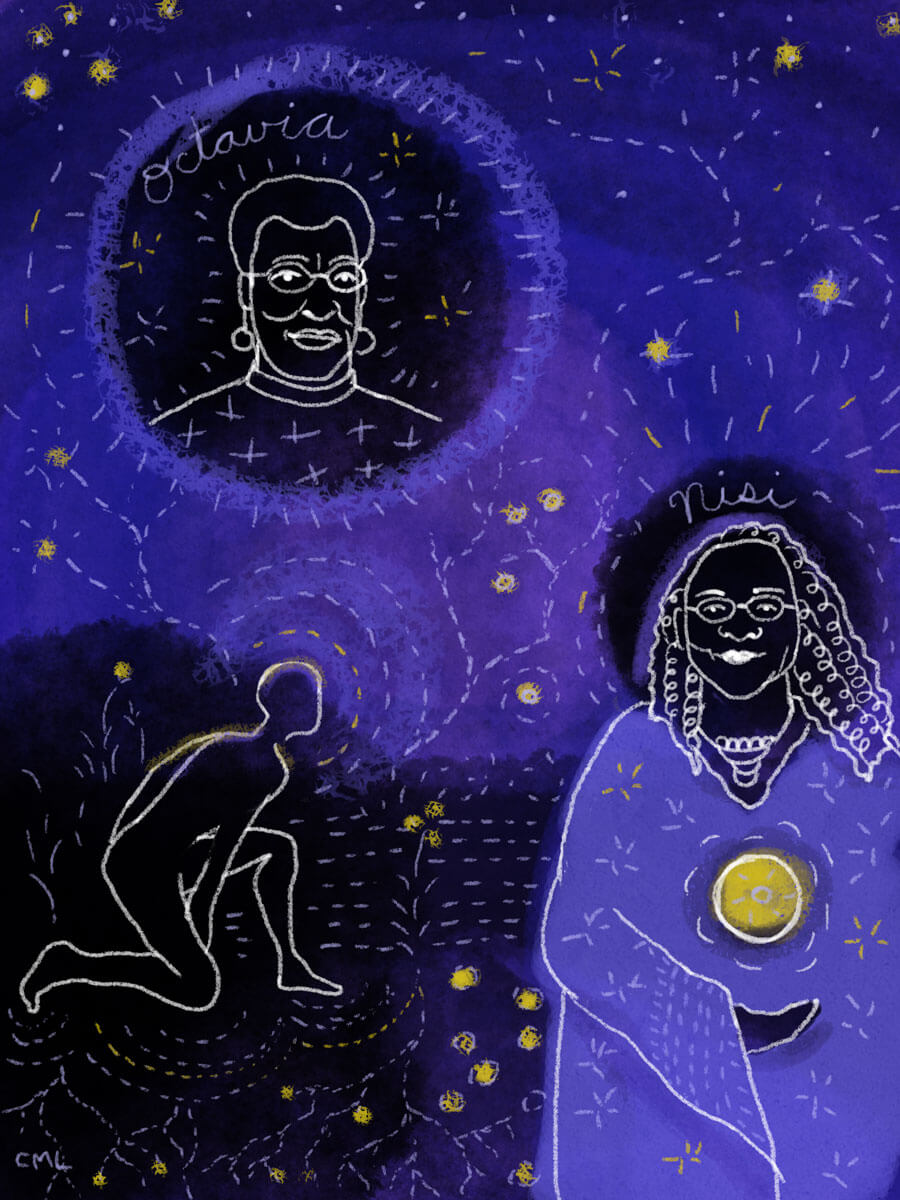
Seattle Review of Books columnist Nisi Shawl will discuss the life and work of Octavia Butler. If you’ve ever heard Shawl discuss Butler, you should know you’re in for a treat. And if you haven’t visited the Renton Library, it is absolutely beautiful and well worth the trip on its own. Renton Library, 100 Mill Ave S, 425-226-6043, https://www.facebook.com/events/1951597504957309/, 1 pm, free.
Thursday Comics Hangover: True love never dies
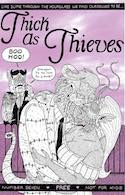
Once upon a time, romance comics were all over newsstands. In the 1950s, comics publishers put out titles like Young Love and Boy Meets Girl and Young Romance. It's an oversimplification to say that romance comics completely disappeared — Archie Comics never stopped venturing into the genre — but romance comics certainly suffered as much as monster comics and war comics when superheroes took over the medium in the 1960s.
Just as romance novels are enjoying a period of critical reappraisal and commercial popularity, it's time for romance comics to make a comeback. And two books that I picked up at Phoenix Comics yesterday indicate a bold path forward for the romance genre in comics.
Each of the comics in the seventh issue of the free local comics anthology zine Thick as Thieves is at least vaguely Valentine's-themed. Some of the strips are adorable — Ryan Tiszai's bunny rabbit strip on the inside front cover is unspeakably cute — and others are edgier and more abstract.
If your idea of love doesn't involve the Kool-Aid Man crashing through Mount Rushmore while shouting "FUCK YOUR GODS!," as in Travis Rommereim's contribution to the issue, maybe this isn't for you. But really, maybe you should reassess your romantic goals if that image doesn't speak to you on some deep emotional level.
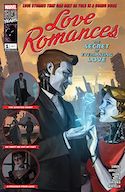
Perhaps more surprisingly than Thick as Thieves taking on a romantic theme, Marvel Comics published a one-shot for Valentine's Day titled Love Romances. Subtitled Love Stories That Can Only Be Told in a Comic Book!, Love Romances captures nearly the same vivid sense of experimentation that you'll find in the much punkier Thick as Thieves.
Really, these four stories are more stylistically daring and artistically bold than a lot of mainstream books. "The Widow and the Clockwork Heart," a steampunk love story written by Gail Simone and drawn by Rogé Antônio, is perhaps the most stylistically straightforward of the stories — but it imagines a vivid new world that feels ready for further exploration.
Margaux Motin and Pacco Dorwling-Carter's "Heartbroken from Beyond," the silent story of a man haunted by his deceased lover, is the cartooniest story in the book, and it enjoys a kineticism that wouldn't feel out of place in a Fantagraphics title. And "Gone Like the Wind," a story of robots and aliens and superficial love drawn by Jon Adams and colored by Tamra Bonvillain, feels closest to Fraction and Zdarsky's Sex Criminals in tone and appearance. These are influences and energies that ordinarily would land nowhere near a traditional Marvel title. It's beyond refreshing.
When read together, Thick as Thieves and Love Romances make a strong argument for a romance comic revival. The genre's tropes are an excellent laboratory — a place to examine social behaviors and expectations. I've seen plenty of older people complain online that the idea of sex and dating in the time of #MeToo is simply too tortured to consider. That's a silly, regressive argument — but it is true that gender and consent politics are being rewritten in real time.
And where better to examine these new social mores than in some vivacious, experimental comics made by fresh young talents? When has there ever been a better time to write about romance than right now, when a new generation is rewriting the rules of love for the better? This is how romance comics make themselves relevant for a new generation.
Clarence Thomas is a bad, bad man
Ian Millhiser reports that Justice Clarence Thomas is trying to undermine freedom of the press. I try not to be alarmist about the Trump administration on this site, but if Thomas "opens up libel laws" as Trump requested, journalism in this country will go straight to hell. The destruction of Gawker has already proven that a billionaire can override freedom of the press through litigation; Thomas would give that kind of power to virtually everybody.
A more perfect union
Reagan Jackson interviewed Seattle writer Alex Gallo-Brown at the South Seattle Emerald, and you should get excited for his next book:
Part of what’s challenging is that I write poems and I write lots of different things. I write short stories. I also write a fair amount of journalism and nonfiction and so on, but I was very fortunate to find a publisher in Seattle called Chin Music that took an interest in my work, and they were willing to publish a multigenre book, so it’s actually going to be poems and short stories, and it’s coming out later this year and it’s called Variations of Labor and it has kind of a labor theme.
My day job is labor organizer, labor advocate. That’s one of the things I’ve been thinking a lot about over the last three or four years is work both in terms of our professional lives, but also the emotional labor we perform to survive both in our relationships and also in our daily lives and in our work experiences. The book is sort of a mix of people working and living their lives. The poems get more at the emotional interior lives of people’s experience both at work and in their daily lives.
If you're a writer, I'd urge you to think about the history and impact of labor unions. I'm seeing a tremendous demand in the world for contemporary work having to do with work and unions and collective action, and the New York publishers are doing very little to address that need.
The more Karen Finneyfrock changes, the more she stays the same
After Lit Crawl last year, a friend reached out to me about an exciting new poet he saw at a reading. Did I know, my friend asked, that Karen Finneyfrock — you know, the great local young adult novelist — was a great spoken word poet?
I had to laugh. For as long as I've been covering Seattle's literary community, Karen Finneyfrock has been reinventing herself. I can remember when she published her first excellent collection of poems, Ceremony for the Choking Ghost. At that moment, Finneyfrock was transitioning from one of Seattle's very best spoken-word performers to a poet whose work lived primarily on the printed page.
And I can remember when Finneyfrock made the next transition — to writing novels for young readers. To date, she's published two such novels (The Sweet Revenge of Celia Door and Starbird Murphy and the World Outside) and she's hard at work on a third. Most writers would be pleased with any one of these careers, but Finneyfrock seems to always be reinventing herself into a completely different kind of writer.
"Sometimes it feels like I'm living two lives, or maybe three lives," Finneyfrock confirms to me over the phone. "I do have friends who are poets who only know me through spoken word, or friends who are fiction writers who aren't really aware that I write poetry at all."
All these reinventions aren't part of a grand plan, she says. "I would say I think it's probably unintentional." Finneyfrock attributes her creative restlessness to "naturally growing and getting interested in different subjects."
But it's important to note that Finneyfrock hasn't "moved on" from poetry, or abandoned spoken word, or given up on writing novels. She keeps active in all three forms of writing. What's the common theme? Finneyfrock says in all her writing, she's "figuring out what story is."
The biggest leap for her was moving from poetry to novels. She began with "a love of words and how they string together," and that still informs her writing. But she realized soon enough that the "big challenge" of novels is "realizing that it had to have a coherent plot underneath." Be it in fiction or in poetry, she says, "I do think of writing often as some sort of puzzle I'm trying to solve."
Finneyfrock's poetry has always had a narrative quality, but she says the difference is that her poems can "convey story" without "including a full narrative. There's a certain high wire act with poetry that I've always been really intrigued by."
At the moment, Finneyfrock is working on a "historical fantasy" novel. "I've never written fantasy before," she says, noting wryly that this shift in genre marks "another change" in her career. "I've been working on it for years, but it has made writing fun again for me in a way that I'm really enjoying."
When I remark that Finneyfrock's poetry has always contained a touch of the fantastic, she says she's been aspiring to fantasy for some time. "My first novel originally included some fantasy elements and my agent — I think really wisely — gave me the feedback that it wasn't working." So with this new book, she says, "it does feel like I am finally coming around to something I really, really wanted to do from the start. And that's exciting, but I also realize it's a lot harder than it looks."
Finneyfrock is grateful for Seattle's vast network of writers and booksellers for staying with her through all her permutations. "The community and the work has always gone hand in hand," she says. She gushes about local poets who have been doing exceptional work lately, mentioning Anastacia-Renee and Laura Da' by name.
"I moved to Seattle from the east coast and all these dreams that I had for my life seemed sort of big and unattainable," Finneyfrock says. Just the act of saying she wanted to be a poet "sometimes felt kind of ridiculous." But Seattle always took her seriously: "I really feel like this city gave me everything that I could have needed to help me along that path and I really feel deeply thankful to Seattle."
"I really have found so many wonderful community members and jobs and opportunities here," Finneyfrock says, her voice full of gratitude. "I'm overcome by it, sometimes."
The borders between people
Published February 19, 2019, at 12:00pm
How do a playwright and a journalist tell their own immigration stories?
AI is too good at writing
Rhett Jones at Gizmodo reports that a non-profit artificial intelligence research group taught an AI to write some pretty convincing fiction.
According to the nonprofit's report, the AI, named GPT-2, is "trained on a dataset of 8 million web pages," with the intent to "predict the next word, given all of the previous words within some text."
The examples are kind of stunning. Here's the human-written first paragraph that was intended to cue up the software:
In a shocking finding, scientist discovered a herd of unicorns living in a remote, previously unexplored valley, in the Andes Mountains. Even more surprising to the researchers was the fact that the unicorns spoke perfect English.
GPT-2 then wrote:
The scientist named the population, after their distinctive horn, Ovid’s Unicorn. These four-horned, silver-white unicorns were previously unknown to science.
Now, after almost two centuries, the mystery of what sparked this odd phenomenon is finally solved.
Dr. Jorge Pérez, an evolutionary biologist from the University of La Paz, and several companions, were exploring the Andes Mountains when they found a small valley, with no other animals or humans. Pérez noticed that the valley had what appeared to be a natural fountain, surrounded by two peaks of rock and silver snow.
Pérez and the others then ventured further into the valley. “By the time we reached the top of one peak, the water looked blue, with some crystals on top,” said Pérez.
Pérez and his friends were astonished to see the unicorn herd. These creatures could be seen from the air without having to move too much to see them – they were so close they could touch their horns.
While examining these bizarre creatures the scientists discovered that the creatures also spoke some fairly regular English. Pérez stated, “We can see, for example, that they have a common ‘language,’ something like a dialect or dialectic.”
Dr. Pérez believes that the unicorns may have originated in Argentina, where the animals were believed to be descendants of a lost race of people who lived there before the arrival of humans in those parts of South America.
While their origins are still unclear, some believe that perhaps the creatures were created when a human and a unicorn met each other in a time before human civilization. According to Pérez, “In South America, such incidents seem to be quite common.”
However, Pérez also pointed out that it is likely that the only way of knowing for sure if unicorns are indeed the descendants of a lost alien race is through DNA. “But they seem to be able to communicate in English quite well, which I believe is a sign of evolution, or at least a change in social organization,” said the scientist.
In the end, the researchers decided that they had valid "concerns about large language models being used to generate deceptive, biased, or abusive language at scale," and so they're releasing a smaller, dumber version of GPT-2 to the public. The robot writer was just too good to be trusted.
Urban planning when prayers for the body aren’t enough
i am walking out of footprints
body left behind in crystals, i am
walking here next to rusted wires, a fester left behind
where you once built a city
of bodies on Sundays, structures: lilies,
lawns: palmpressed & praying
there, we spun whistles into anthems
& peeled off scabs to watch the clots pearl
& what’s the point of bridges anyway,
hovering over nothing
more than their marrow
over this rucksack of riches,
pearls unspooled & pooling
& this city crystal underfoot
on days like this,
it’s nice to remember how it feels
away from the sentence filled like a city
Mail Call for February 18, 2019
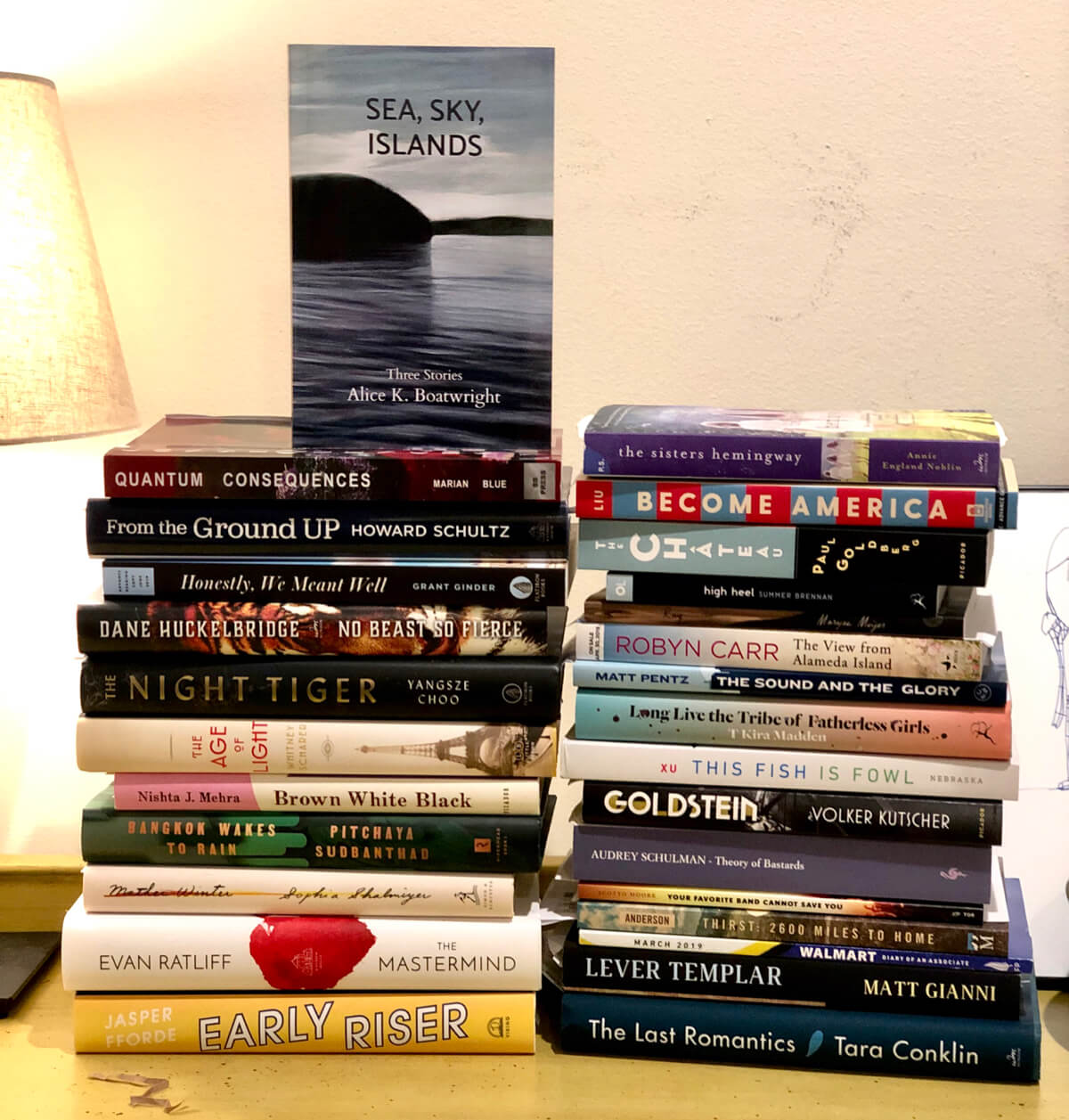
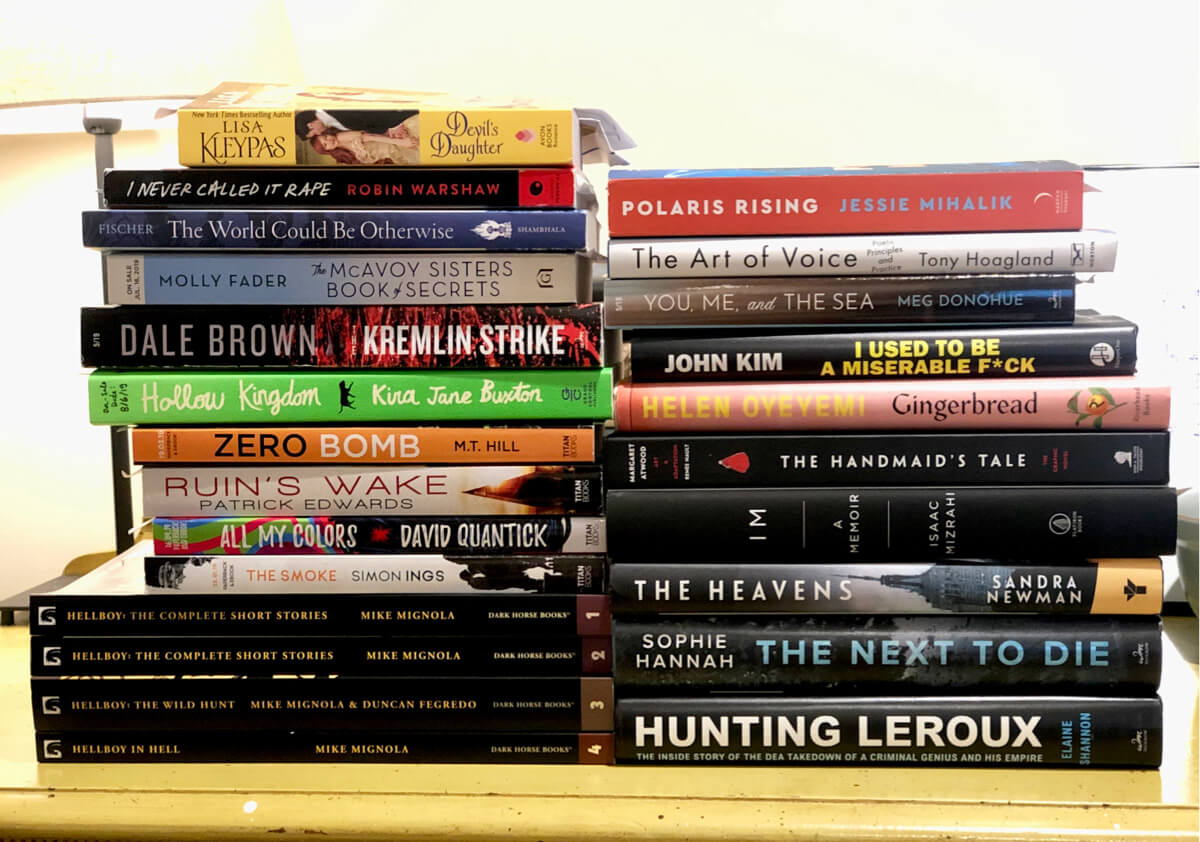
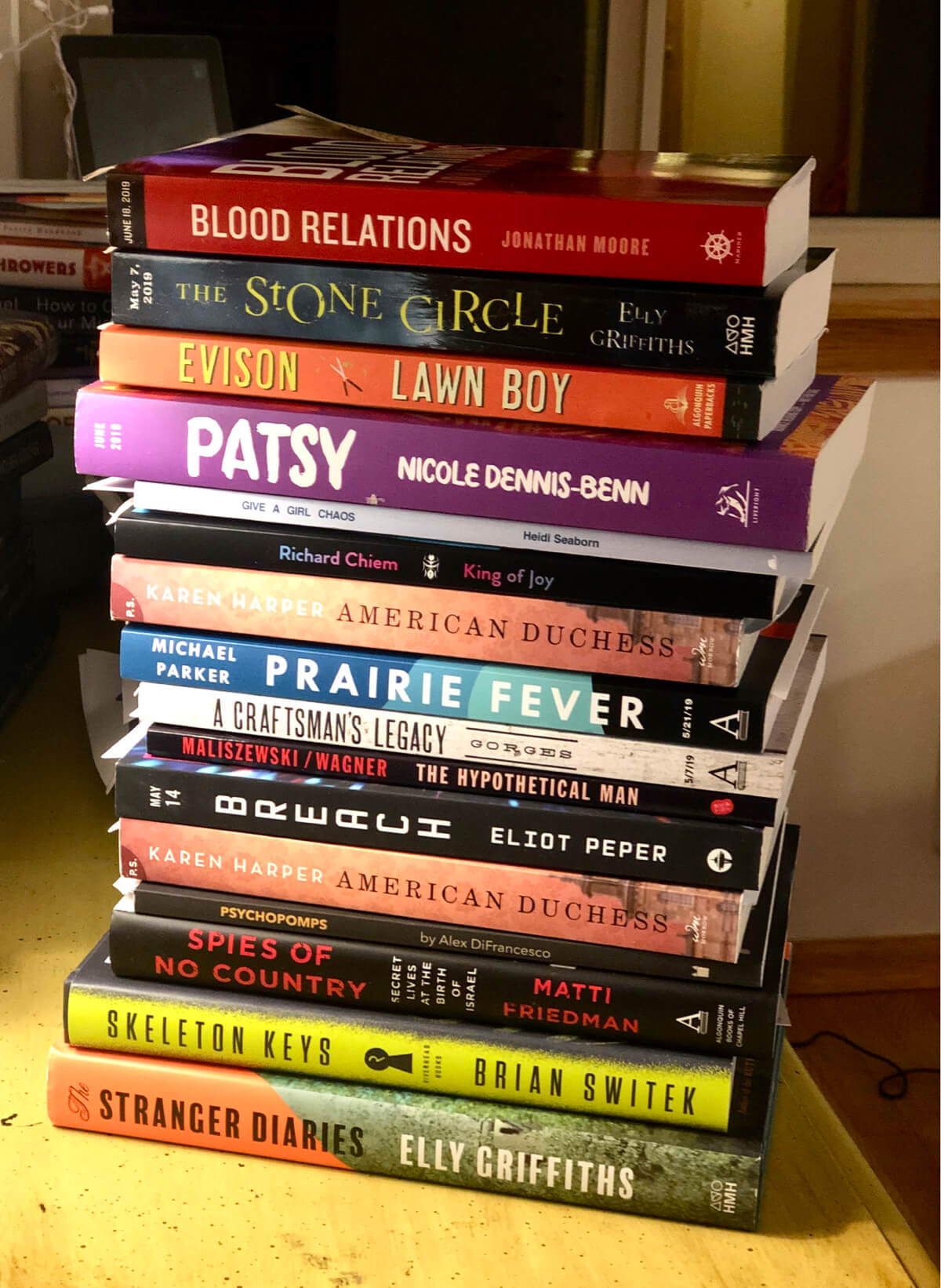
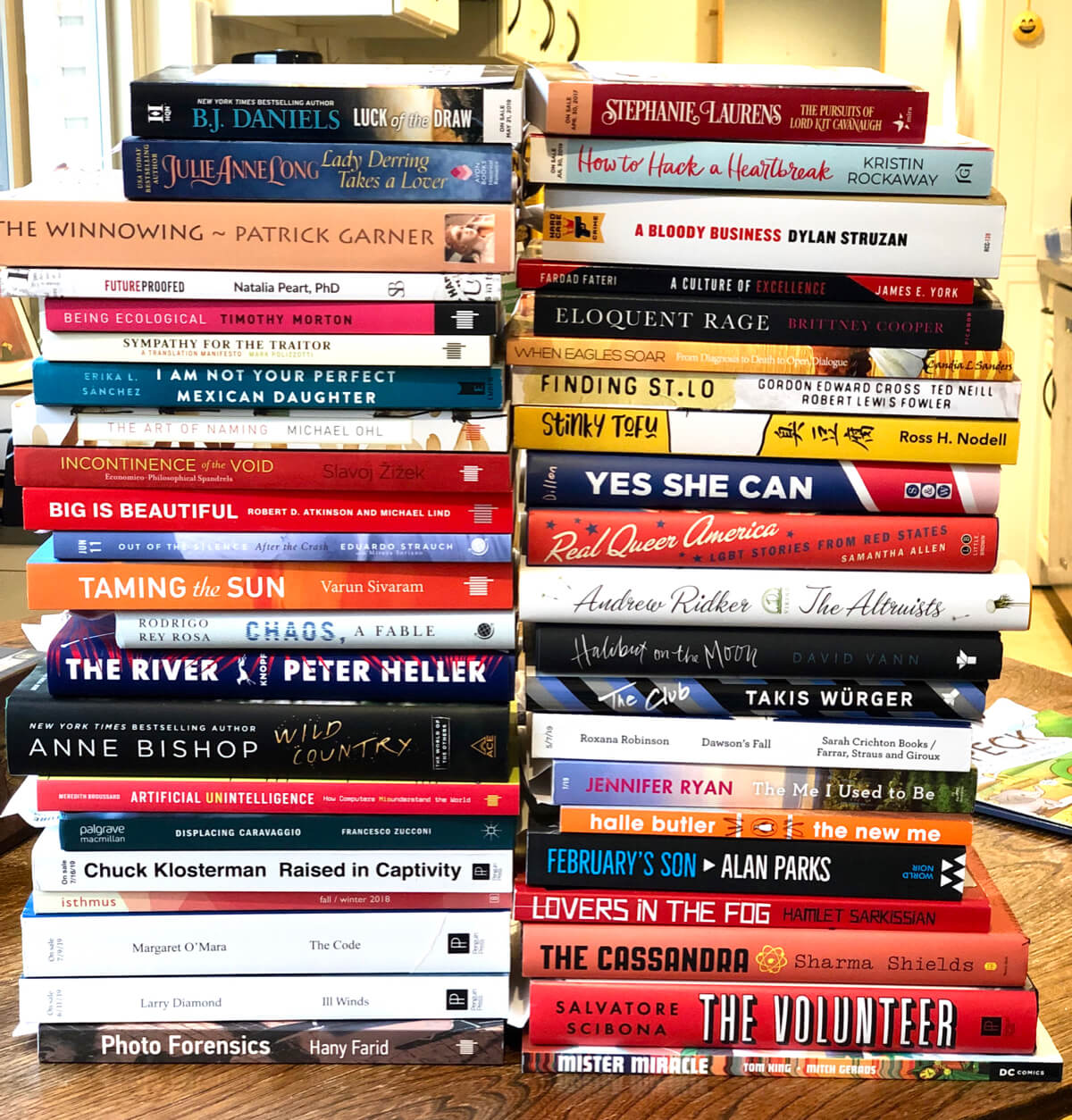
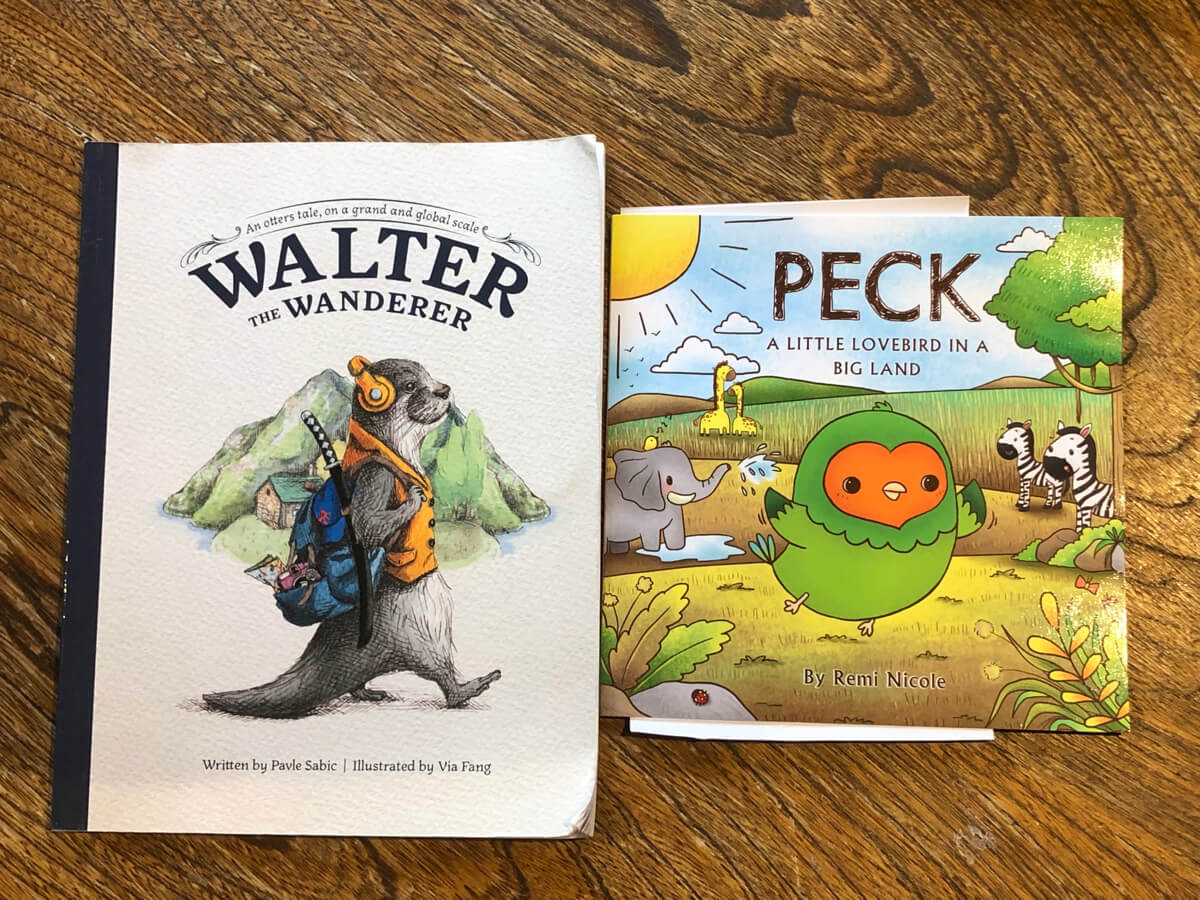
The Seattle Review of Books is currently accepting pitches for reviews. We’d love to hear from you — maybe on one of the books shown here, or another book you’re passionate about. Wondering what and how? Here’s what we’re looking for and how to pitch us.
This week's sponsor: Randy Mason, author of Falling Back to One
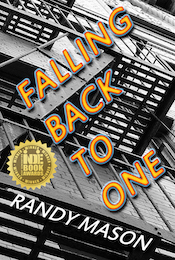
Thank you, Randy Mason, for sponsoring us this week! We're excited to share a chapter excerpt from Falling Back to One with our readers.
A debut novel and winner of a 2018 Next Generation Indie Book Award, Falling Back to One is described as both "a gritty New York story" and "a tale of transformation and healing." It's not the usual combination, but read more: it's a magic trick that Mason pulls off flawlessly.
Featuring a down-on-his-luck detective sergeant and the juvenile delinquent he's assigned to save, Falling Back to One defeats every genre expectation. Set in the 1970s, and enriched by Mason's love of music (she’s a musician herself and played on stage in some of the best-known NYC clubs), Falling Back to One is a Monday sample that will be on your bedside table before you know it.
Did you know that every freelance writer on this site, from our amazing columnists to our guest reviewers, is paid through our sponsorship program? We care — a lot! — that writers are compensated for their work, and we're so grateful that you make it possible.
When you sponsor us, you put your book, event, or residency in front of our readership of book lovers and industry professionals. And you're keeping the community of writers, reviewers, and readers alive. Want to join us? Check out rates and dates at www.seattlereviewofbooks.com/sponsor/.
Your Week in Readings: The best literary events from February 18th - February 24th
Monday, February 18: Isako Isako Reading
Seattle poet Mia Ayumi celebrates the launch of her first poetry collection from Alice James Books with two amazing local talents: Gabrielle Bates and Jane Wong. Elliott Bay Book Company, 1521 10th Ave, 624-6600, http://elliottbaybook.com, 7 pm, free.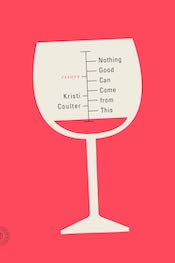
Tuesday, February 19: Nothing Good Can Come from This Reading
Kristi Coulter's essay collection is full of funny, feminist, and interesting stories about what happened when she decided to quit drinking. Celebrate the book's publication with some mocktails and a little bit of a reading. Third Place Books Seward Park, 5041 Wilson Ave S, 474-2200, http://thirdplacebooks.com, 7 pm, free.Wednesday, February 20: WordsWest
West Seattle's biggest reading series presents Seattle poets Tara Hardy and Michele Bombardier, along with a favorite poem shared by a local high school student.C&P Coffee Co., 5612 California Ave SW, http://wordswestliterary.weebly.com, 7 pm, free.
Thursday, February 21: Sketchtasy Reading
See our Event of the Week column for more details. Elliott Bay Book Company, 1521 10th Ave, 624-6600, http://elliottbaybook.com, 7 pm, free.Friday, February 22: The Last Romantics Luncheon
Third Place Books has been hosting intimate luncheons with popular authors for some time in their Ravenna location. If you prefer your events to be up close and personal, this is the best way to get access to a beloved author. Today's reader is Tara Conklin, whose The Last Romantics is a family epic. https://www.thirdplacebooks.com/event/tara-conklin-last-romantics Third Place Books Ravenna, 6504 20th Ave NE, http://thirdplacebooks.com, 1 pm, call 525-2347 for tickets.Saturday, February 23: ROPOS and the Underwater Volcano Reading
Seattle author Dana Manalang's book for children tells the story of a robot who is sent to investigate underwater geography, including the titular volcano.Third Place Books Ravenna, 6504 20th Ave NE, 525-2347 http://thirdplacebooks.com, 3 pm, free.
Sunday, February 24: Octavia Butler: Necessity's Daughter
Seattle Review of Books columnist Nisi Shawl will discuss the life and work of Octavia Butler. If you've ever heard Shawl discuss Butler, you should know you're in for a treat. And if you haven't visited the Renton Library, it is absolutely beautiful and well worth the trip on its own. Renton Library, 100 Mill Ave S, 425-226-6043, https://www.facebook.com/events/1951597504957309/, 1 pm, free.Literary Event of the Week: Sketchtasy reading at Elliott Bay Book Company
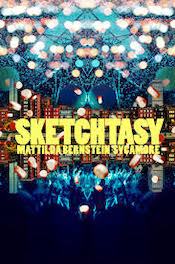
Back in October, I wrote about Mattilda Bernstein Sycamore's amazing novel Sketchtasy. I called the book, which is about the gay party scene in Boston in the 1990s, "a merry-go-round of drugs and sex and gossip and sex and drugs."
My review continued, "I recommend reading it in long sittings, so the breathless sentences clamber into your brain all at once, like a party that is tipping over into a riot." The book is remarkable, the culmination of all Sycamore's writing to date, an elegy and an all-night party.
Sycamore has been reading all around the country since Sketchtasy was originally published, but she hasn't read in her adopted city of Seattle — until now. This Thursday, Sycamore finally makes her grand homecoming in a reading at the Elliott Bay Book Company.
This is the opposite direction that most local authors go: they usually launch the books here before traveling the nation. But this direction feels right for this book, and for Sycamore: all the better to build up anticipation for one enormous celebration. You don't want to miss this.
Elliott Bay Book Company, 1521 10th Ave, 624-6600, http://elliottbaybook.com, 7 pm, free.
The Sunday Post for February 17, 2019
Each week, the Sunday Post highlights a few articles we enjoyed this week, good for consumption over a cup of coffee (or tea, if that's your pleasure). Settle in for a while; we saved you a seat. You can also look through the archives.
Make Me a Cold and Pitiless Goddess
If you haven’t read Sharma Shields' absolutely delightful The Sasquatch Hunter’s Almanac, make it the next thing you read after the short essay linked here. Mesmerized by d’Aulaires' Greek myths as a child (my own copy was so well-read it crumbled), a grown-up Shields reads them to her children — and considers the fierce Artemisian steel that shapes her perspective on her own rape, and that of others, today.
What will it take for us to toss the water onto the rapists’ heads, to watch assured as they flee, the blood-mouthed hounds — guilt, say, or responsibility — snapping behind them? It is not the violence of such a scene that attracts me, but the righteousness. Artemis was a cold and pitiless goddess. She knew — or learned — where to place the blame.
White Witchery
Another exceptional piece by a Washington writer (though residing in Ohio now): Elissa Washuta. This is an essay about witchcraft, about appropriation, about rape, about despair. But I most love what it has to say about claiming the right to define where power lies. Washuta walks through the world — a white world, a male world — like a woman walking through a hostile wood. In this essay, her fiery, defiant voice burns out a space where she is, finally, untouchable.
When I choose, anoint, and burn a candle with my prayers scratched into the wax, when I make my prayers material, I convince myself that I can grab onto a power that will carry me through this life. I know how to show the spirits that I am here through the light of my fire, because we have always used fire to smoke fish, conduct ceremony, burn cedar boughs, turn prairie brush to ash so the camas or huckleberries can grow stronger.
I choose witchcraft; I choose to cast spells.
Because I have given up my ability to touch a Western red cedar on a daily basis. Because I have seen my binding work on a dangerous man. Because I am alone and low on hope sometimes.
Shelf policing: how books (and cacti) make women too 'spiky' for men
Marie Le Conte is shooting fish in a barrel here, but sometimes, don’t you just want to take the easy shot? She takes many, and they land, hard, in her takedown of some ridiculous man-catching advice that outlines where, and what kind, of books are appropriate to a woman seeking to catch the right kind of man.
As a beloved and badass scientist friend of mine said, “this makes me want to wear a suit of cacti to repel men everywhere in my life.” If only it were that easy!
Perhaps we should try to go further. If you are a single woman and would like a man to come to your flat and not run away weeping and screaming, why not let your book collection do the talking for you? Buy 35 copies of Chris Kraus’s I Love Dick and leave them lying around every corner of your house, in places where he will least expect it, so he is constantly reminded of the fact that you’re up for it. It doesn’t matter that the book is about a bit more than that; as we’ve established, men only ever look at the covers.
Whatcha Reading, Tara Conklin?
Every week we ask an interesting figure what they're digging into. Have ideas who we should reach out to? Let it fly: info@seattlereviewofbooks.com. Want to read more? Check out the archives.
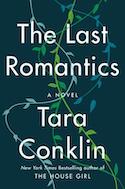
Tara Conklin is the Seattle-based author of the bestselling novel The House Girl, and has just released her second novel The Last Romantics (SRoB readers will be very interested to know: it's a novel about a poet). Tara will be reading from The Last Romantics at the Elliott Bay Book Company this Tuesday, February 19th at 7:00pm.
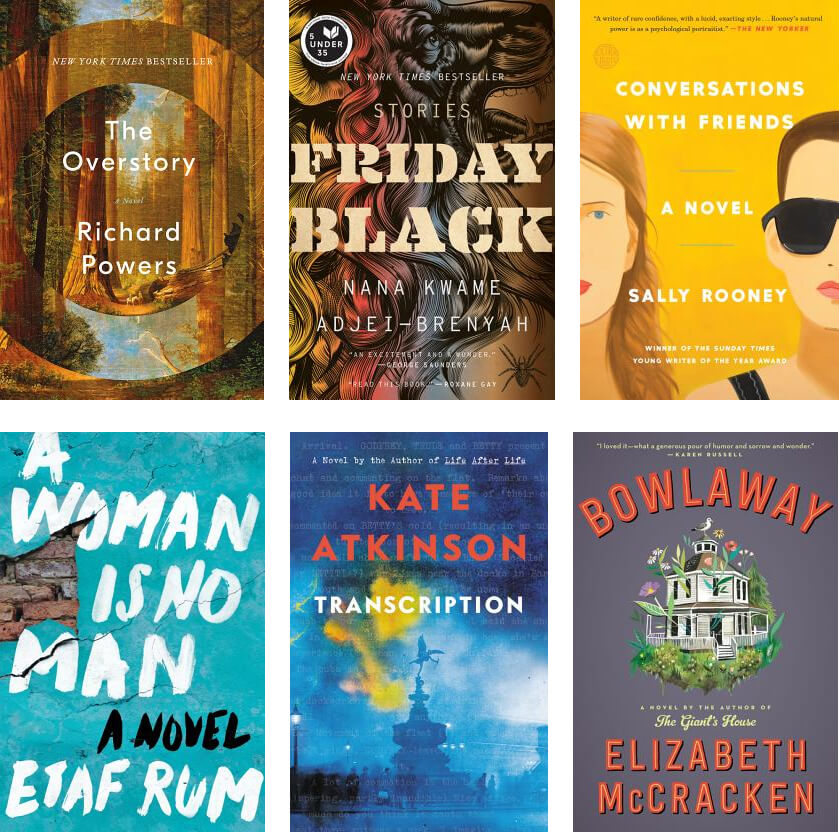
What are you reading now?
I usually have several books on the go at once. This month I’m
promoting my second novel so I’ve got lots of travel time for
reading. On the flip side, however, I have very little room in
my suitcase, so I’m reading slim paperbacks on the road and big
hardcovers at home. The hardcover keeping my attention these
days is
The Overstory
by Richard Powers.
It’s a big, bold, inventive, intricate novel about a group of
unlikely environmental activists who come together to save a
pristine stretch of forest. I love novels that teach me things –
whether history or different ways of life or, in this case,
science. The environmental science underlying this book is
fascinating. But I don’t want to make it sound dry — it’s
decidedly not. Each character is brilliantly formed, each one
distinct and compelling. I’m reading it slowly, savoring the
sentences. It’s a book that’s making me look at the world a
little bit differently, which is the most I can ask of any
novel.
My current carry-on read is Friday Black, a debut collection of stories by Nanan Kwame Adjei-Brenyah, a book that comes with rave blurbs from Roxane Gay, George Saunders, and other writers I admire. The first story is raw, urgent and compelling — a dystopian look at racism that conveys the edge of contemporary truth, as all the best dystopian stories do. Adjei-Brenyah’s voice is unlike any I’ve read before — it’s brutally honest, wildly imaginative and tough but contains a real tenderness and surprising humor. I’m looking forward to finishing the collection. And seeing what he writes next.
What did you read last?
My last travel read was Conversations with Friends by Sally Rooney, a young British writer who’s just starting to get attention here in the US. The book charts the relationships of two young female friends and former lovers who are befriended by a 30-something married couple. After the first few pages, I almost abandoned the book — it struck me as too hipster and self-conscious for my taste. But I kept reading, and I’m so glad I did. She writes like the love child of Lena Dunham and Jane Austen — emotional analysis in the extreme but with sweetness and real depth. I loved it.
My last at-home read was A Woman Is No Man, the debut novel by Etaf Rum. It might be unfair to mention this one because it’s not out until March 5. I was lucky to score an advance copy and to meet Etaf at a book festival recently. Her novel is devastating and fascinating and moved me deeply. The book tells the story of three generations of Palestinian women living in the US, each struggling to find her place in a new home and an ancient culture. I’ve never read a book that focuses on Arab-American women’s experience and the cultural norms that restrict them, even here in the twenty-first century. So much of the story seems pulled from a different time, but the characters are contemporary and the struggles they encounter about family, obligation and love are universal.
What are you reading next?
I have a towering stack of books on my bedside table! It’s going to be tough to choose but I’m thinking my next reads will be: Transcription by Kate Atkinson. She’s such a consistently inventive writer and I’ve loved pretty much every single one of her books — from the Brody Jackson detective novels to Life After Life, a brilliant mind-bending book that describes one woman’s multiple possible lives. I feel like I can’t go wrong with Atkinson. And Bowlaway, the new novel by Elizabeth McCracken. I absolutely loved her book of short stories, Thunderstruck — each one contains a whole universe and people you believe in. For probably a year, at least, Thunderstruck was the book I carried around in my bag to keep me company. Her new novel takes places in Massachusetts (my home state!) and revolves around candlepin bowling, a uniquely New England pastime that most people on the west coast have probably never encountered. Let’s just say it’s a quirky “sport” that seems an unlikely focus for a novel, but I have no doubt that McCracken will carry it off in style.
The Help Desk: My local Little Free Library is a disaster
Every Friday, Cienna Madrid offers solutions to life’s most vexing literary problems. Do you need a book recommendation to send your worst cousin on her birthday? Is it okay to read erotica on public transit? Cienna can help. Send your questions to advice@seattlereviewofbooks.com. Cienna is digging herself out a snowbank, so this column is a re-run, from three years ago.
Dear Cienna,
The Little Free Library closest to my house is often full of crap. I’m talking outdated programming books and collections of VHS tapes and other things that stay in the LFL for weeks and weeks because no one wants them. The structure is not in someone’s front yard, so it’s unclear who is responsible for it. I’m tempted to weed the LFL myself, tossing the old crap and filling it with newer novels, audio books on CD, hardback non-fiction titles. (I just KonMari-ed my bookshelves, so I have lots of goodies to contribute.) Would that be overstepping?
Thanks,
Alyssa, Capitol Hill
Dear Alyssa,
I admire your “go-getter” attitude. Personally, I’ve never been convinced of the community benefit of those tiny libraries. To me, they are what you’ve experienced: twee trash cans adored and installed by middle- and upper-class individuals who believe that their poorer neighbors will treasure their garbage.
But I’ve been wrong about many things lately. For instance: take the ghosts haunting my vagina. Most contemporary researchers agree that the best method for dispelling ghosts is to ask them politely but firmly to leave. If that doesn’t work, leading studies show that asking a ghost what it wants – like a ham sandwich, for instance – and then satiating it will do the trick.
I consider myself a woman of science, unmoved by superstition, so for months I have faithfully followed the scientific method.
“PLEASE LEAVE,” I scream at my vagina on a near-nightly basis. Followed by, “DO YOU WANT A HAM SANDWICH?”
Still, the hauntings have continued. So last weekend, I purchased an amethyst dildo from a serene wiccan named Goshuhn. Now, I’m not one to believe in the healing powers of crystals, but Goshuhn assured me that ghosts really hate amethysts because the crystal is known as a sobering agent and ghosts love to party (bizarrely, they also love ham sandwiches so I might’ve just been encouraging them to stick around).
Despite my skepticism, the amethyst dildo appears to be working. I have noticed a 50 percent reduction in paranormal activity in my vagina over the past week.
This is all to say, while I’m skeptical that a little free library can work, I am willing to put my faith in you, Alyssa. Tomorrow, tape a sign to that tiny library that says something like,
Spring cleaning! I’ve noticed our pickings have become a bit stale, so on TKTKTK (this is where you fill in a date/time) I’ll be tossing old items and replacing them with new stock. Please feel free to stop by, say hi, and contribute a book that you love and think others will enjoy. If you have questions, contact me at TKTKTK (this is where you put your email address, if you want).
I believe in you,
Cienna
Portrait Gallery: Lovefest
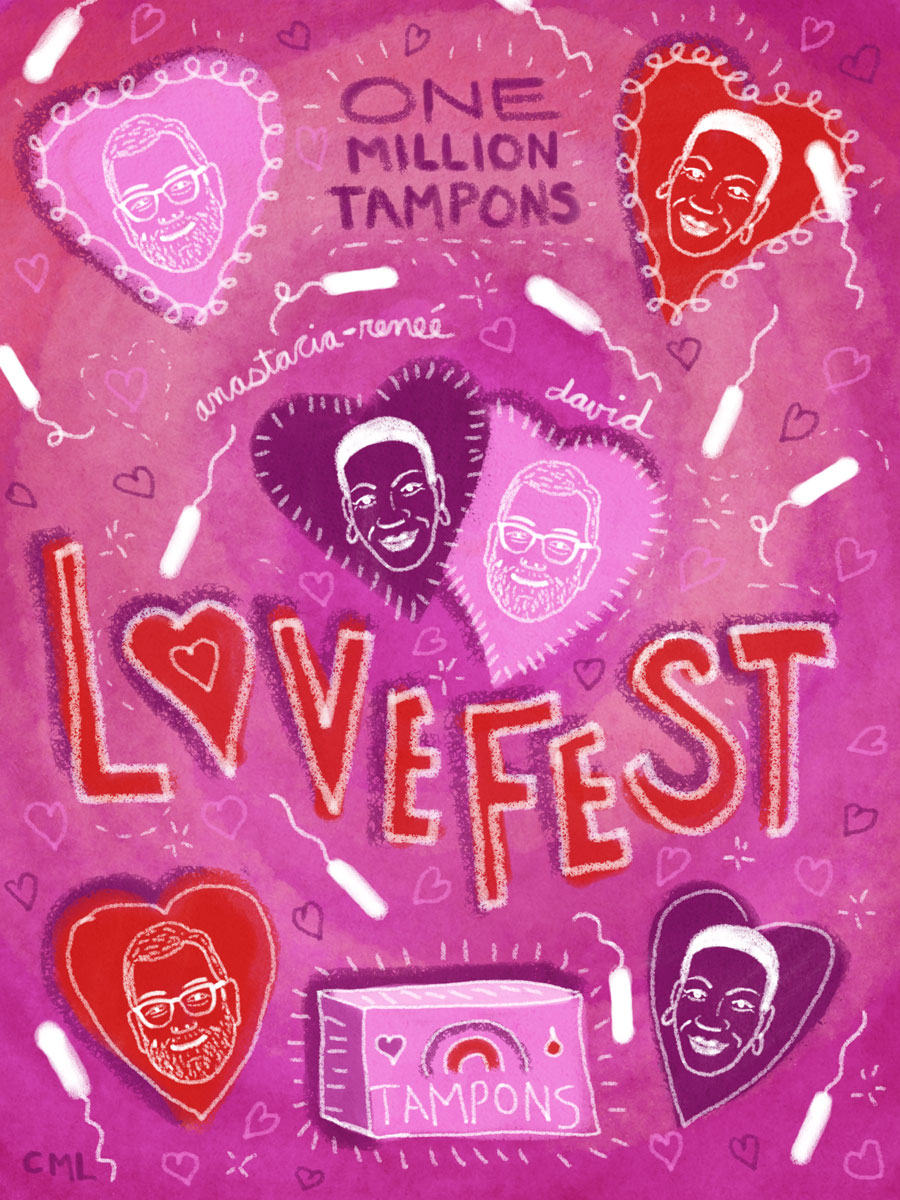
One Million Tampons hosts an annual event called LOVEFEST, which both raises funds for the organization and helps raise awareness of its cause. This year’s LOVEFEST, which happens on Saturday night is a pretty fantastic lineup: the readers are Seattle Civic Poet Anastacia-Reneé and Seattle writer David Schmader. See more on our Event of the Week post.
Future Alternative Past: Players gonna play
Every month, Nisi Shawl presents us with news and updates from her perch overlooking the world of science-fiction, fantasy, and horror. You can also look through the [archives of the column](http://www.seattlereviewofbooks.com/tags/the-future-alternative-past).
My dead mentor Gardner Dozois told me he classified the futures he came across when reading science fiction as either "New Jersey" or "California Hot Tub." New Jersey futures were grim and full of work, while California Hot Tub futures, predicated on the existence of widespread automation and abundant free energy, dealt mostly with what we called in my far-off youth “the problem of leisure” — that is, what citizens to come were going to do with all the time saved by timesaving devices.
SFnal depictions of leisure activities sometimes contrast today’s version of normal existence with strange, futuristic occupations. Cordwainer Smith’s story “Scanners Live in Vain,” for instance, tells of a man deprived of sensory input so he can endure the pain of space travel; his recreation involves reconnecting himself to his nervous system so he can feel his feet on the floor, hear the music his wife plays, smell the reconstituted odor of lamb chops. His recreation is the life we take for granted.
More often, though, it’s the recreation itself that’s science fictional rather than the work it relieves us from. An early example is Kate Wilhelm’s disturbing 1967 proto-cyberpunk story “Baby, You Were Great,” included in Lisa Yaszek’s Library of America anthology The Future Is Female! 25 Classic Science Fiction Stories by Women. In Wilhelm’s California Hot Tub future, boredom is escaped by imbibing another’s emotions. The “sim-stim” stars of William Gibson’s “Burning Chrome” and the rest of his Sprawl Trilogy provide similar relief, capturing and broadcasting their lives via artificial lenses: Zeiss-Ikon eyes implanted for an expensive fee. The latest take on first person shooter-type immersive recreation comes in Rebecca Roanhorse’s Nebula Award-winner “Welcome to Your Authentic Indian Experience(TM),” a short story which also makes wicked fun of cultural appropriation.
The Player of Games by Iain M. Banks pits Gurgeh, a citizen of that ultimate in California Hot Tub futures, The Culture, against denizens of the Empire of Azad, in a complex game whose stakes are life, death, and reign over the Empire. With a centuries-long lifespan, first-rate medical care, and complete economic freedom, Gurgeh has an indubitable lead over native Azadian players — or does he? Does their ingrained knowledge of the game and scarcity-induced fervor for victory outweigh his advantages? And do the high stakes and immersion Gurgeh commits himself to remove it from the category of recreation?
Fantasy is much less often concerned with the future, and though there can be worlds of magical abundance or scarcity, they don’t seem to have the same effect on how leisure-filling gets portrayed. Faeries are addicted to dance in Jonathan Strange and Mr. Norrell; in The Lord of the Rings, Gollum trades riddles with hobbits and just about everyone sings. Prince Alveric, hero of The King of Elfland’s Daughter, hunts a unicorns as pastime. The beast is fantastic, but the activity itself is mundane. As are the aforementioned singing and dancing.
Sometimes magic does make a difference in what characters do. It’s hard to imagine the invention of quidditch without wizardry: flying broomsticks and enchanted quaffles, bludgers, and snitches. However, following up on the description in JK Rowling’s Harry Potter novels, there’s a real-life version being played internationally. It’s sometimes called “muggle quidditch,” after the magic-less muggles most of us are assumed to be.
Recent books recently read
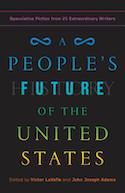
Hotshot editor John Joseph Adams teamed up with Black star rising Victor LaValle to put together the new anthology A People’s Future of the United States (One World). With such a winning title (it refers to Howard Zinn’s big hit, A People’s History of the United States), and with a Table of Contents featuring Nebula Award-winner Charlie Jane Anders and two dozen other intriguing authors, this book’s sure to attract lots of attention. And most of the contents deserve it.
Right on the mark when it comes to delivering the goods the book’s title advertises are NK Jemisin’s rollicking tale of soul food-digging dragons, “Give Me Cornbread or Give Me Death”; “The Blindfold,” Tobias Buckell’s extrapolation of modern jury selection methods’ weaknesses and strengths; and Justina Ireland’s heisty “Calendar Girls,” a near-future thriller about a streetwise dealer in illicit condoms. Several more stories are close enough for jazz when compared to these ideals, though downbeat endings to certain otherwise brilliant pieces such as Daniel H. Wilson’s “A History of Barbed Wire” may leave readers wondering whether we actually want the futures LaValle’s introduction urges us to claim. Still, with only a couple of misses among the authors’ swings at the piñata of audience satisfaction, the variations on a theme A People’s Future provides are well worth the time and money it’ll cost you to buy and enjoy it.
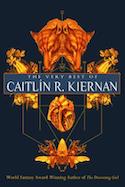
A collection rather than an anthology, The Very Best of Caitlín R Kiernan (Tachyon) hews to one style, uttering its fabulations in one piercingly delicious voice. My personal favorite, “The Maltese Unicorn,” dishes up a Dashiell Hammett-esque crime narrative in a setting filled with bisexual demons and enchanted dildos. Often decay appears as a near-sentient character in the fictional worlds Kiernan constructs; often wickedness and ineffability and fate acquire a palpable, practically tactile presence in prose both teasing and pleasing. The author flirts with literary pretentions at times, and many of her overtures have been answered (as a glance at her long list of publication credits reveals) by hard-to-locate publications. Let us be grateful that Tachyon’s Jacob Weisman and Jill Roberts have made appreciation much easier by curating this magnificent selection of Kiernan’s eerily beautiful oeuvre.
Couple of upcoming cons
Once again this year I’ll be flying to Florida to attend the International Conference on the Fantastic in the Arts, aka ICFA (pronounced “ick-phah!”). In addition to appearing on two panels--the maximum allowed — I’ll host a reading and launch for the anthology I just finished editing, New Suns: Original Speculative Fiction by People of Color. The theme for this session of this semi-academic conference is conflict. Let’s talk about it calmly, by the poolside, over tropical drinks.
The very same weekend, though, here in Seattle, the fan community hosts Emerald City Comic Con. Perhaps that will be more your jam? After all, ECCC is “the destination comic and pop culture show for the Pacific Northwest.” It’s big (last year over 90,000 attended); it features dozens and dozens of author, artist, and actor guests; it offers wristbands to overcome the invisibleness of some disabilities, and a bunch of other ADA help; and its anti-harassment policy is clear and straightforward. Win, win, win, and win.
Thursday Comics Hangover: A tardigrade would deliver your comics on time, dammit!
I've written before about the perils of comics falling under a distribution monopoly. When Diamond Comics, the only national distributor of monthly comics, can't manage to deliver the week's shipment of comics on any given Wednesday due to inclement weather, comics shops across Seattle simply don't get any new comics. It happens usually at least once a year, and yesterday was one of those days.
A Wednesday without new comic books is unthinkable, though, so I tend to use New Comics Day to unearth the books on my shelf that I haven't read yet — preferably local books that wouldn't ordinarily fall under the monolithic Diamond Comic blackout.
I've written before about the joys of Seattle comedian Brett Hamil's minicomics. Hamil's primitive gag cartoons — which I appreciatively called joke delivery systems — used to be featured prominently in CityArts magazine before it went under. No local media outlet has picked them back up on a regular basis, which is a goddamned shame.
In lieu of new comics, I dug up a copy of Hamil's zine Tardigrade Appreciator, which he published in the middle of 2018. The book is a spoof on magazine culture, in the form of an US Weekly-style magazine about how cool tardigrades are.
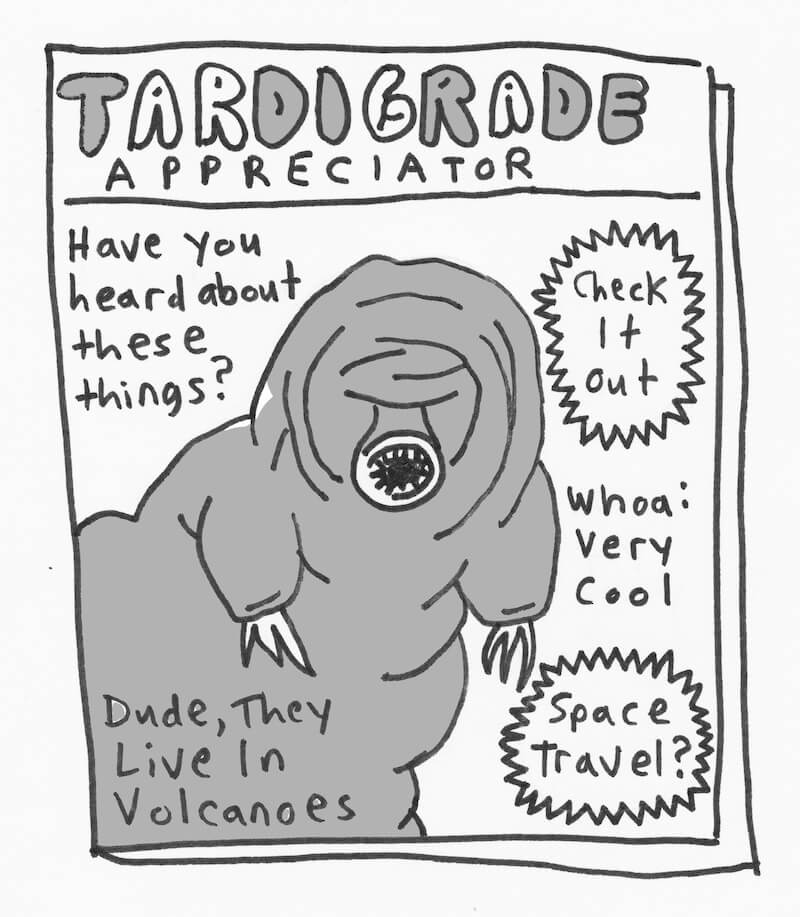
But of course part of the joke is that tardigrades are really super-fucking-cool, so the breathless reporting feels more genuine than the phony celebrity worship in People magazine. (If you don't know what a tardigrade is, you should Google them immediately; also known as water bears, tardigrades are microscopic creatures that, as one explains in an interview in Appreciator, "could survive a meteor strike or a nuclear war or an ice age." They are the toughest creatures in the known galaxy, but they look like total chubby doofuses and that's part of their charm.)
Appreciator features person-on-the-street-style interviews with humans about where they first heard about tardigrades ("house party in Flagstaff") and a giant centerfold of a tardigrade lying on its back in a come-hither pose. A tardigrade talks about politics, and another segment is about how tardigrades are "just like us!"
This is just a delightful little package of a minicomic, and Hamil's best cartooning yet. I would read a full-size issue of Tardigrade Appreciator, and I'd love to see a book version of this. Track a copy down wherever you get your zines, and I guarantee you won't even care that your weekly new comics are sitting in the back of a UPS truck somewhere on the side of the road just outside Eugene.
Fashionably dumb
Unless you're a booth vendor at a Trump rally, how about maybe don't sell t-shirts with "Fake News" written on them? It's not cute or fashionable to profit from the president's ongoing war against the media. (Note that Amazon, which is run by the Washington Post's owner, is profiting off "Fake News" shirts, too. When you're as rich as Jeff Bezos, you can profit by playing both sides of a fight.
Horrible bosses
Published February 12, 2019, at 12:00pm
One tell-all autobiography documents the problems with Facebook. The other tell-all autobiography explains the inner workings of the Trump White House. Only one of them is worth your time.
Haters of hate wanted
The Raven Chronicles is looking for submissions about hate for an upcoming book. The goal is to "build and publish an anthology as a vehicle for positive change in response to the growing climate of hate." And they're not just looking for general love-conquers-all platitudes: "We need work that references and identifies specific legacies, personal histories, and stories of conditions that we (and others) face daily." This is an intriguing idea. Submissions are open from February 15th through April 1st, so you've got some time to think about it. (Though, as with all submissions, it's important to remember that you always have less time than you originally think you do.)
The Hamlet of Lake City
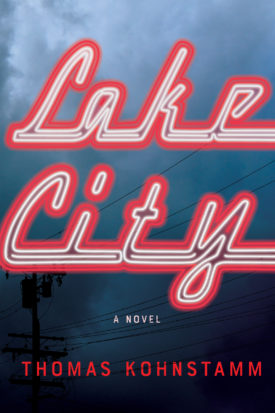
Last week, I interviewed author Thomas Kohnstamm about his excellent debut novel Lake City onstage at Elliott Bay Book Company. It was a packed room, and the mood was warm and loving. Kohnstamm would stop mid-answer to say hello to an old friend who he spotted in the audience, or point out someone he went to middle school with. In sports terms, it was a hometown crowd. What follows is an edited and abbreviated version of our discussion.
The book is set in Seattle in 2001. Why did you pick that time, and how much research did you have to do for that setting? 2001 is a long time ago now.
Our protagonist, Lane, is dealing with the aftermath of a breakup, which is not just an emotional kickdown, but a backsliding in class, basically. That experience, the emotional starting point of the novel, was based on an experience I had in my own life. It's not exactly as it played out in the book, but I did have that experience, and I did base the book off of different details of my horrible winter break of 2001, in the aftermath of 9/11. Everything was messed up. Everything was going to shit.
And there were details that I researched from there — figuring out what cell phones were like in 2001, for example, which was kind of a strategic decision. If the book had happened in 2019, Lane would have an unlimited data plan and he'd be able to reconnect with things. But I wanted him to be totally isolated and frantic.
I also thought 2001 was an interesting point in the trajectory of the development of Seattle, a midpoint between 1986 when Microsoft went public and where we are now. Now we've become this very well-heeled city and Amazon has come to fruition and they're hiring 300 people a week who make six figures. I thought 2001 was when things really started to blow up.
I think some of the reviews I've read misread this book as a glorification of Lane, that sort of aimless angry young white man. But in fact, Lane is kind of the butt of the joke a lot of the time, isn't he?
The joke was primarily on Lane, I'd like to think. And I think that there are some people who have misunderstood — I think Lane is the clown at the middle of all of it, and Lane knows the least of anyone and everyone in the book. Lane comes into everything thinking he has it all figured out, and everybody surprises him in the long run. They're much smarter than he thinks.
I think what I was trying to wrestle with in the book is what's the downside of ambition? What's the dark side of ambition? What are the costs? If you're trying to pull yourself up, make something different and better of yourself, what is the cost in that process?
What is it about ambition, or lack thereof, that makes such a compelling story, from Hamlet to Lane to the story of Seattle? And what's your relationship to ambition?
Well, you know, ambition is framed as this word that we're told is good and positive. But what does ambition really mean? Ambition means potentially climbing over other people to gain more. There have been a lot of points in history that ambition was seen as a sort of naughty attribute, or something that you shouldn't be proud of, and gaining great wealth was something that you should be ashamed of. But we're living in a time when there's a cost to everything.
As for me, I'm an ambitious person. I think that anybody who writes a novel is obviously not a normal human being. I spent seven years writing this in my basement after my wife and children had gone to bed when I could've been watching TV or sleeping or socializing with friends or relaxing. It's got to be a compulsion at some level, and there's a cost to that, whether it's a financial cost or a relationship cost. So maybe in a lot of this, I'm exploring the path of the writer too.
Horrible bosses
Published February 12, 2019, at 12:00pm
One tell-all autobiography documents the problems with Facebook. The other tell-all autobiography explains the inner workings of the Trump White House. Only one of them is worth your time.
The Sea Thinks Beyond Itself
slowskulled & drowsy,
this epitaph’s the one that’s carved
over & over again :
here a blowsy mallet & chisel
to chisel
on the rock this tide’s
overswept in looking
too close for tidings for how to remain
unwaving unwavering
the shore it’s always
the depths
itself tense & feathering &
not about itself & counting
the time it takes to linger
where it’s not
wanted here waking it’s
the same rock
that’s waiting to be
to have one more
drink to quench
this ebony shore —
fight :
tide throat
tide
tide
throat
Seattle's umamiest event
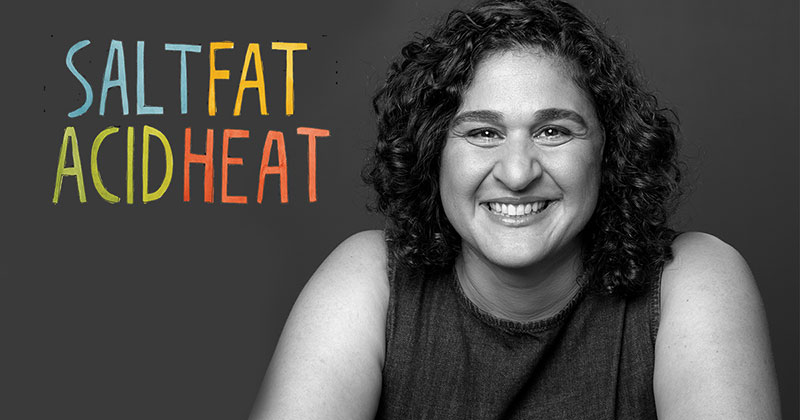
Northwest Associated Arts is a regular sponsor here at The Seattle Review of Books. We're grateful — not just because they're a loyal supporter of our great columnists and writers, but because they make sure you're in the loop for some of Seattle's best events.
They're hosting two fabulous nights coming up soon: Samin Nosrat on March 10 and Anne Lamott on April 7. We don't have to encourage you to see Anne Lamott; this is a writing and reading town, so we just encourage you to get tickets fast, before they're gone.
And we don't have to encourage you to see Samin Nosrat, either. Her new book, Salt, Fat, Acid, Heat, is the talk of the Top Chef circuit; if you love celebrity chefs, don't miss this. And if you just love food — or how simplicity can transform into greatness — you also belong at this event. Nosrat is a student of Chez Panisse Robert Hass, and Michael Pollan. That combination sounds magic to us. Find out more on our sponsor feature page, then reserve your seats.
Got an event you think our readers would love? [You can sponsor us](), too. If you have an opportunity you’d like to get in front of our readers, reserve your dates now.
Your Week in Readings: The best literary events from February 11th - February 17th
WEATHER ALERT
Inclement weather has forced many bookstores and libraries to temporarily postpone their event programming; please call ahead or check the venue website before heading out.
Monday, February 11:
Solmaz Sharif
CANCELLED
Seattle Arts and Lectures brings one of our most exciting young poets to town. Solmaz Sharif only has one book to her name — LOOK, published by Graywolf — but she's also written beautiful essays about erasure and the distance and closeness of language. She is a serious thinker about the capacity of language and if you care about words you should be at this event tonight. Broadway Performance Hall, 1625 Broadway, 934-3052, https://lectures.org/event/solmaz-sharif/, 7:30 pm, $20.
Tuesday, February 12: Postracial Resistance Reading
Using case studies including Oprah Winfrey and Michelle Obama, UW Professor Ralina Joseph's new book examines what it means to be black and female and a celebrity in a culture that too often considers itself to be postracial. Seattle Public Library, 1000 4th Ave., 386-4636, http://spl.org, 7 pm, free.Wednesday, February 13: The Cassandra Reading
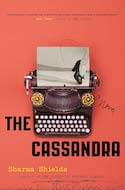
Spokane author Sharma Shields, whose debut novel The Sasquatch Hunters’ Almanac was a worthy (and hilarious) addition to the Northwest canon of bigfoot literature, reads from her newest book — a novel that updates the Cassandra story for the 20th century. To celebrate her book launch on this side of the mountains, Shields is joined by authors Katrina Carrasco and Anca Szilágyi. Elliott Bay Book Company, 1521 10th Ave, 624-6600, http://elliottbaybook.com, 7 pm, free.
Thursday, February 14: American Sutra Reading
Subtitled A Story of Faith and Freedom, American Sutra is Duncan Ryūken Williams's investigation of the Japanese-American internment camps during World War II. Williams is an ordained Buddhist priest and a Buddhist scholar, so he brings that perspective to the story, focusing specifically on what the incarceration of Japanese-Americans means for religious freedom in this country. Elliott Bay Book Company, 1521 10th Ave, 624-6600, http://elliottbaybook.com, 7 pm, free.Friday, February 15: Tacoma Stories Reading
Richard Wiley's latest book, Tacoma Stories, is a linked collection of short stories that follows a number of characters through Tacoma on strange, stressful, and mysterious days in their lives. Tacoma is underrepresented in literature, so this book presents a tremendous opportunity for our sister city to the south. Elliott Bay Book Company, 1521 10th Ave, 624-6600, http://elliottbaybook.com, 7 pm, free.Saturday, February 16: LOVEFEST
See our Event of the Week column for more details. South Park Hall, 1253 S Cloverdale St, https://www.facebook.com/southparkhall/, 8 pm, $7.Sunday, February 17: Two Poets
Rusty Morrison is the author of poetry collections including After Urgency. Martha Ronk is the author, most recently, of the collection Vertigo. Together, they will read and discuss poetry. Open Books, 2414 N. 45th St, 633-0811, http://openpoetrybooks.com, 7 pm, free.Literary Event of the Week: LOVEFEST at South Park Hall
WEATHER ALERT
Inclement weather has
forced many bookstores and libraries to temporarily postpone
their event programming; please call ahead or check the venue
website before heading out.
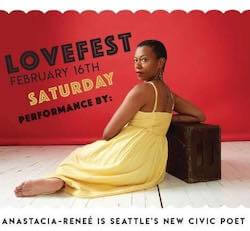
Valentine's Day this year falls on a Thursday, which basically stretches the holiday out into a long weekend. Sorry, but if you were scrambling to score a Valentine's reservation at a fancy restaurant on the 2nd of January, you were kind of taken for a ride. Friday night is wide open at some of the nicest places in town, and Saturday night is even better. Why would you bother going out with your sweetie on a work night, anyway?
So since you'll be reveling in an all-weekend orgy of Valentine's celebrations, allow me to point you to an event that serves a double purpose: it features two of Seattle's finest readers and it's a fundraiser for an excellent cause.
Feminine hygiene products are a necessity, but too many Seattleites can't afford them. One Million Tampons is a nonprofit that last year donated over a hundred thousand tampons to women who were homeless or in serious financial distress.
One Million Tampons hosts an annual event called LOVEFEST, which both raises funds for the organization and helps raise awareness of its cause. This year's LOVEFEST, which happens on Saturday night is a pretty fantastic lineup: the readers are Seattle Civic Poet Anastacia-Reneé and Seattle writer David Schmader.
Anastacia-Reneé has never been anything less than a compelling reader of her own work. Her readings are so harrowing and so buttery and so honest that you'll feel bolted to your seat. And Schmader — who, full disclosure, I worked with at The Stranger and who I'm proud to call my friend — is an impossibly funny human being.
Together, the readers will share work that will make you laugh, make you think, and probably make you horny. It's the Valentine's Day trifecta, and it happens on a Saturday night so you don't have to worry about waking up early the next day. Go fall in love all over again.
South Park Hall, 1253 S Cloverdale St, https://www.facebook.com/southparkhall/, 8 pm, $7.
The Sunday Post for February 10, 2019
Nicola Griffith in conversation with Alexis M Smith
Seattle's own Nicola Griffith, talking to Portland's own Alexis M Smith, published by the Northwest's own journal Moss. A great conversation about writing, earning a PdD, and her most recent novel _So Lucky_. Maybe I'm biased to interviews with Griffith because an interview with her appeared on the launch day of the Seattle Review of Books, but linking to conversations with her is an easy choice. She has a compelling frame on the world, and seeing through her eyes for a brief time is always a privilege.
The books that made me want to be a writer? All of them. None of them. Every single book I’ve ever read has added to what I know of story and writing; those books made me the writer I am. But did any of them make me want to be a writer?
To me there’s a difference between wanting to Be a Writer and wanting to write. I wanted to write early on; pinning down a description or a moment or a feeling felt like a triumph. I didn’t decide to be a writer until I was in my twenties. Or perhaps it might be more true to say I didn’t realize I wanted to be a writer until I was in my twenties. I had a dream about being at a fancy awards dinner, and winning, and waking up knowing it was the Booker Prize, and that I would win it one day.
The new elite’s phoney crusade to save the world – without changing anything
Isn't it just awful when doing the right thing causes you to lose a bit of the privilege and position in the world? Best to make yourself feel good without doing nothing at all, then.
A successful society is a progress machine. It takes in the raw material of innovations and produces broad human advancement. America’s machine is broken. The same could be said of others around the world. And now many of the people who broke the progress machine are trying to sell us their services as repairmen.
Writing for the Movies: A Letter from Hollywood, 1962
If you're a sucker for classic Hollywood stories like I am, then you'll love this piece from old-school screenwriter Daniel Fuchs, who died in 1993 at age 84. I mean, name dropping Dorothy Parker? I'm in.
When I came to California twenty-five years ago, I was taken with the immense, brilliantly clean sunshine that hovered over everything. I wrote troubled pieces about Hollywood—a diary that I actually kept, an article titled “Dream City, or The Drugged Lake.” The studio where I worked, RKO on Gower Street, seemed drenched and overpowered by the sun. The studio paths were empty; you heard a composer somewhere listlessly working up a tune for a musical picture: “Oh, I adore you, adore you, adore you—you wonderful thing!” The people stayed hidden inside their offices, and what they did there, I didn’t know. I was made welcome to the community with a grace I somehow hadn’t expected—by the wonderful Epstein brothers, who broke the way for me and looked out for me; by Dorothy Parker, who telephoned and introduced me to a glittering group of people, or a group I thought glittering; by John Garfield, with his honest and whole-hearted happy spirits; and by a man named Barney Glazer, now dead, at one time head of Paramount Studios. Mr. Glazer had a beautiful home on Chevy Chase Drive in Beverly Hills. It was surrounded by carefully tended grounds— gardens and strawberry patches, patios, a championship enclosed tennis court, a championship swimming pool, dressing rooms, a gymnasium. After the week’s work, starting with Saturday afternoon, guests assembled there and a sort of continuous party went on until Monday morning. Mr. Glazer trotted through the assemblage, ignoring the entertainment and the championship tennis court, bent on his own pursuits. He was interested in fine china and objets d’art, in carpentry work, in watching over his dogs who were getting old and decrepit and kept falling into the swimming pool; the dogs, when they hurt themselves, would huddle motionless and just wait until Mr. Glazer came hurrying up, to scold and take care of them. With his open generosity, he took pains to make sure I felt easy among the company at those parties, and I visited his home often, appearing on most of the weekends. Many kinds of people were there, but mainly the old-timers, men who were firmly a part of the movie business—grizzled and heavy-eyed, patient, pestered by arthritis, sciatica, and other vexations. They smiled at me. They were amused by my inexperience and newness to their community. They liked me and I think they wanted to be liked. But they would never parry my questions. They wouldn’t respond to my inquiries and doubts. They knew that if I was to learn anything about their way of living and working, it would be no good unless I found it out by myself. “I would argue with you,” one of them said to me, “but if I win the argument, what do I win?” They had their minds set on other things, and time was short.
Beware: book covers ahead! Part 3
The intersection of design nerdery and book nerdery is the most perfect nerdery of all. I love stories of cover designers who worked for years in the trade, and this look at the design of Faber & Faber covers by Mike Dempsey is an absolute joy.
In 1981, John McConnell, then a Pentagram partner, was approached by Robert McCrum, editorial director of Faber & Faber, to look at the design of their books. The firm had a long tradition of handling the design of the inside text, rather than have an external printer dictate it. The same had applied over at the paperback house Penguin Books, carefully monitored initially by Jan Tschichold, who later handed on the baton to Hans Schmoller as head of typography and design for three decades. But all that eventually ended when cost-cutting CEO Peter Mayer discovered that it was far cheaper to photograph the hardback publisher’s text and reduce it to Penguin’s format, rather than reset it in Penguin’s house style.
But Faber & Faber still cherished their own bespoke typographical standards originally overseen by Richard de la Mare and responsible for bringing in Berthold Wolpe, who had been designing jackets for Victor Gollancz. He joined Faber's in-house production studio in 1941 during a time of wartime shortages Wolpe's 2 colour line, non illustrated, bold typographical designs fitted the bill during this period of austerity. He stayed with Faber & Faber until his retirement in 1975 having clocked up 1500 jacket designs. The story goes that after Wolpe's departure Faber & Faber invited Herbert Spencer to look at the design of the inside of their books, but his suggestions were frowned upon by the tight-knit design production team, well entrenched in Wolpe's design doctrine, so Spencer’s suggestions went no further. Meanwhile, canny John McConnell realised that it would be pointless to mess with the well-versed internal production team and suggested to McCrum that he not take that aspect on but instead look at the identity. Back then, that usually meant a new logo and letterhead – job done. But McConnell had other ideas. He had always been impressed by Penguin’s design legacy: the very thing that had been lost courtesy of Peter Mayer’s economics and personal influence over the presentation of covers.
Whatcha Reading, Summer Brennan?
Every week we ask an interesting figure what they're digging into. Have ideas who we should reach out to? Let it fly: info@seattlereviewofbooks.com. Want to read more? Check out the archives.
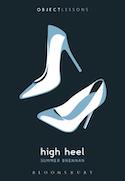
Summer Brennan is an award-winning investigative journalist, and author of 2015's The Oyster War: The True Story of a Small Farm, Big Politics, and the Future of Wilderness in America. Her second book, High Heel, part of the Object Lessons series from Bloomsbury, is being released on March 21st. On Twitter (she's a very good follow) she said it was about "feminism, femininity, sex, gender, biology, violence and mythology." Get a jump on the crowd, and pre-order it from your local indie bookshop.
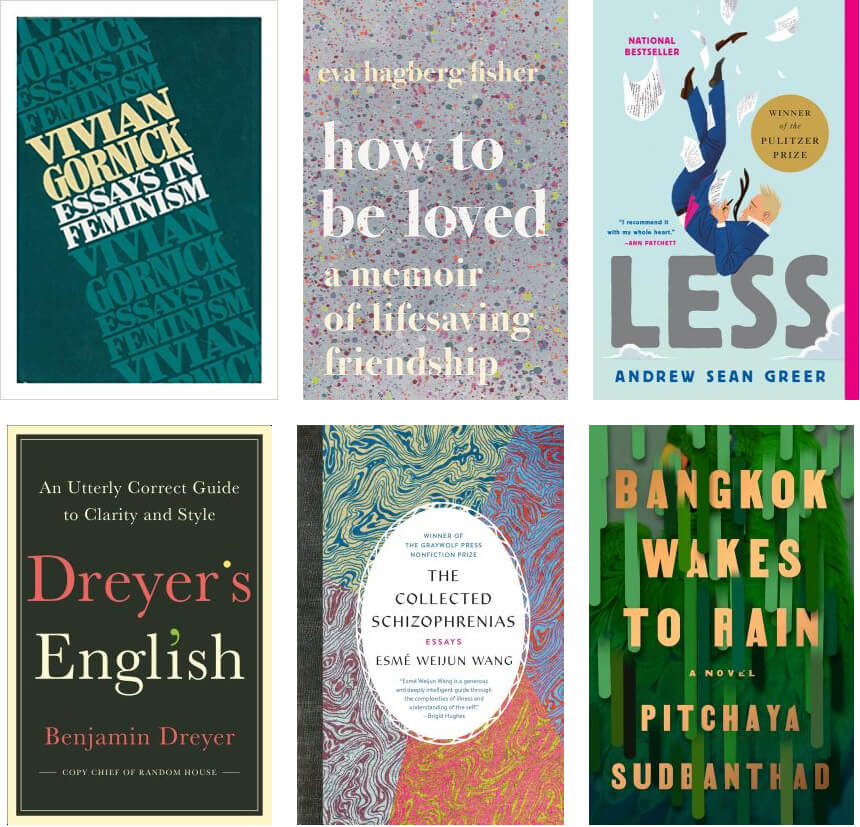
What are you reading now?
Right now I'm reading two books, Essays in Feminism by Vivian Gornick (1978), and the new memoir How To Be Loved by Eva Hagberg Fisher, which was just published this week. I knew I would read anything Fisher wrote after I read her essay "How I Learned To Look Believable" in The New York Times, last January. I love that How To Be Loved is about, among other things, a friendship between women, and a friendship between women of different generations. I had a close friend who died a few years ago who was in her early 80s, and I wish these sorts of decades-spanning relationships were more common. It can be like making friends with a time traveler. And Fisher's prose is easy to read in the way that, as a writer, I know means it was probably very difficult to write. It feels like sunshine, to find a writer who has already hacked a clear path through the jungle of their ideas for you, even when the subject matter is dark. And speaking of older women as time travelers bearing gifts, I am finding Gornick's 1970s essays to be very eye-opening. We do ourselves a great disservice, particularly in modern feminist discourse, to discount or even not read at all the seminal works of the fraught but vital Second Wave period. In a forward written at the time of the book's initial publication, Gornick describes the "feminisms" of the previous decade as "lurching forward in the unshapely manner of one proceeding through uncharted territory with a compass that works only intermittently." Those who were not yet alive during this period, like myself, have so much to learn by listening to the messy, emotionally potent urgency of that time, rather than letting our thoughts fall to lazy, misogynist stereotypes that too often are left unexamined.
What did you read last?
I just bought this week, and then read in less than 24 hours, last year's Pulitzer-winning novel Less by Andrew Sean Greer. I read the excerpt that came out in The New Yorker in June 2017 called "It's A Summer Day," and was delighted, so it has been on my list for a while. I loved it. It felt light but poignant, with a bit of a narrative mystery built into the structure that I appreciated. And the book, like its protagonist, has a sense of humor about itself to a point that's even a little meta. In it, a wandering white man worrying over his problems has written an unloved book about a wandering white man worrying over his problems. It made me think also, among other things, about the current conversations around "likeable" characters. I could feel Greer's love for all of his characters, even the ones disliked by his protagonist, which gives the whole thing a tenderness and a humanity that one doesn't always find. Sort of like how a good actor can never have contempt for their own character, no matter how dastardly, in order for the character to feel true. I don't know. Am I rambling? I liked this book a lot, and I really hope that someday soon female authors can also write books like this—stories about a female protagonist, concerned with love, with prose that has a spring in it's step, style-wise—and be treated with the same seriousness as this book deservedly was.
What are you reading next?
I don't know! There are so many books lined up, for work and for pleasure. For nonfiction, this week I intend to buy Dreyer's English by Benjamin Dreyer and The Collected Schizophrenias by Esmé Weijun Wang. Novel-wise, it will definitely be Bangkok Wakes To Rain, by Pitchaya Sudbanthad.
The Help Desk: Organized labor
Every Friday, Cienna Madrid offers solutions to life’s most vexing literary problems. Do you need a book recommendation to send your worst cousin on her birthday? Is it okay to read erotica on public transit? Cienna can help. Send your questions to advice@seattlereviewofbooks.com.
Dear Cienna,
Should home libraries always be alphabetized, so everyone can use them, or does someone who, say, prefers to arrange her personal books by color have a point in telling her husband to be quiet and leave her alone?
Esther, First Hill
Dear Esther,
Unless you are shackled to the corpse of Melvil Dewey, your husband has no authority to tell you how to arrange your books. Organizing a collection is very personal, like organizing a quinceañera party for your tortoise or, conversely, organizing your taxidermy leftovers.
And aside from the visual appeal of arranging books by color, there's an upside to leaving your shelves unalphabetized – if you are in search of something particular, it forces you to slow down and peruse each shelf, which sparks nice memories of past reads. And if someone asks to borrow a book – for instance, a friend who rarely reads or returns books that you lend him but leaves them scattered around his house before dates to look smarter – it gives you an excuse to say you can't find it.
Kisses,
Cienna
Portrait Gallery: School libraries are key to equality
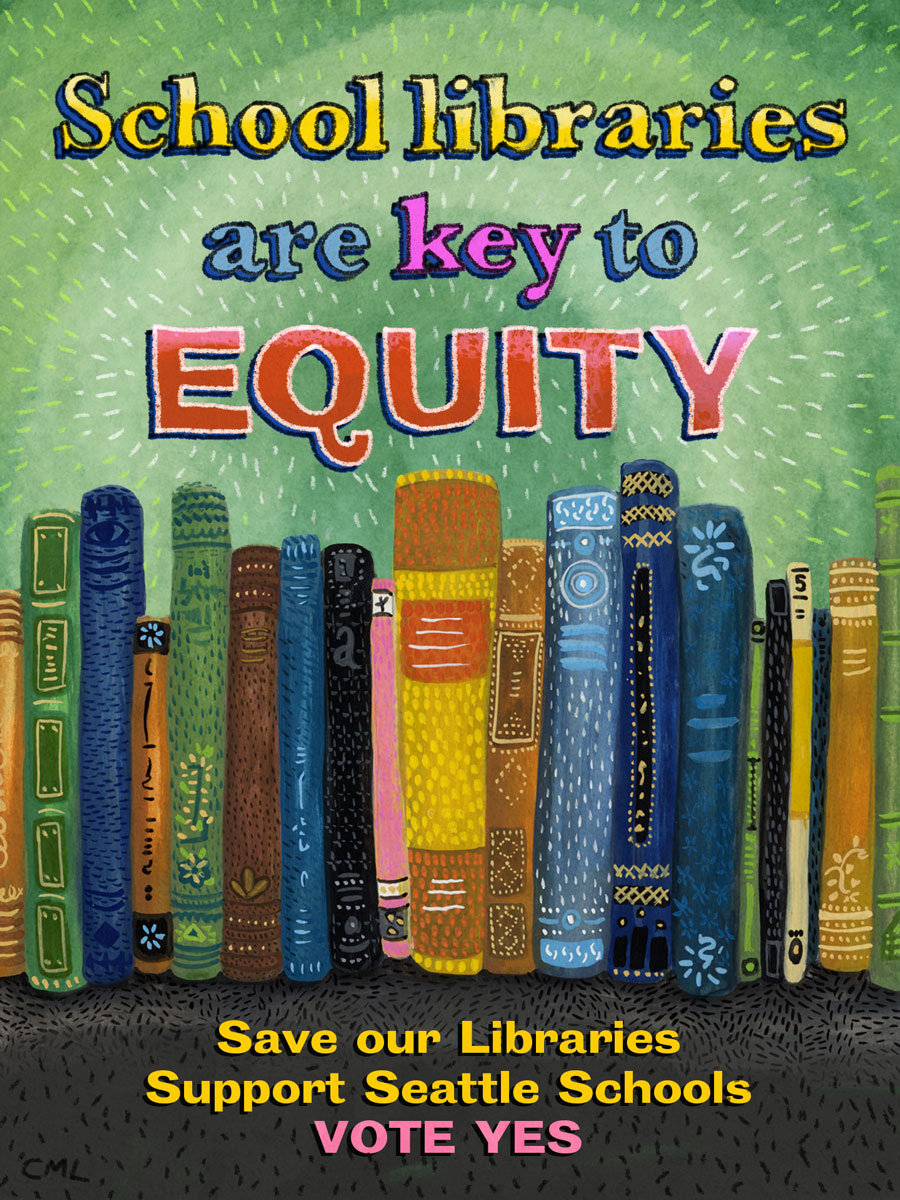
Be sure to turn in your ballots for the February special election — they're due next Tuesday, and are largely about school funding. Also, read our recent piece by Paul Constant about why the Seattle Public School's plan to cut library budget is a terrible and misguided idea: By cutting school library budgets, Washington state is putting its future in peril
Kissing Books: Whiteness, amnesia, and the uses of historical accuracy
Every month, Olivia Waite pulls back the covers, revealing the very best in new, and classic, romance. We're extending a hand to you. Won't you take it? And if you're still not sated, there's always the archives.
We talk a lot about historical accuracy in our commercial fiction. I would like to talk a little bit about accuracy in our history of commercial fiction.
Let me take you through a case study.
Back in that dimly remembered epoch known as The Year 2015, author Stephanie Dray made a racist joke while finishing a novel about Thomas Jefferson’s eldest daughter. Screenshots were passed around; many people spoke up about how harmful this was; Dray and her co-author Laura Kamoie (who also writes as Laura Kaye) apologized, saying their book about a wealthy white woman was really meant to illuminate the evils of slavery, and kept their heads down long enough for the conversation to move on.
Then in April of 2018 they came out with a novel centered on Eliza Schuyler Hamilton. It is obviously, explicitly riding along on the musical’s wave of popularity. I have read and enjoyed Hamilton-inspired romance before; unfortunately Dray and Kamoie’s take ignores the modern musical’s revolutionary casting to focus primarily on white historical hottie Alexander Hamilton. They seem to mistake the musical’s subject (A. Ham) for the message (immigrants make valuable contributions to the American story).
Hamilton the musical boldly put black and brown faces center stage at America’s foundational moment; My Dear Hamilton reaches out for that bright spotlight and turns it once again on white people. The novel is historically accurate, because Alexander Hamilton was indeed a white man—but the change of focus feels like an erasure because it casts aside the present-day interpretations of the historical figure, where kids singing about Hamilton, Washington, and Jefferson are envisioning them as Puerto Rican and black.
This is the equivalent of answering: “It’s whom, actually” when someone asks you: “Who did you shoot in that duel?” Technically correct, but missing the greater point of the question.
While promoting the Hamilton book this winter on Facebook, Dray shared a post from the Historical Fiction Authors Co-op, highlighting a brand-new novel about black performer Josephine Baker by white author Sherry Jones.
So now, if you’re keeping count, that’s two novels by white authors capitalizing on the historic success of black/brown artists, taking advantage of the same promotional network to boost their books’ visibility and sales.
Still with me? There’s more.
If the second author’s name sounds familiar, maybe it’s because you remember that back in Ye Olde 2009 Sherry Jones’ novel about Aisha, The Jewel of Medina, was at the center of an intense literary scandal for its treatment of Islamic religious history as escapist entertainment. Rather than trying to untangle the whole discourse about Orientalism, Islamophobia, censorship, and the West, let us look at the novel’s starting point: according to an interview from this past November, Jones was “inspired by an essay she heard on NPR shortly after 9/11 about a Muslim woman who renounced her faith due to Islamic extremism and the misogyny that comes with it.”
She heard a Western news outlet’s edited version of a contemporary Muslim woman’s experience, in the confused aftermath of a generation-defining act of violence, and chose to write a novel exploring, well, a Western white woman’s interpretation of Islamic history. According to an interview from Patheos in 2008: “I did all this in the service of what I see as a truth. My truth – this is my vision of what things would have been like based on my own experiences and my own research and my own intuition and observations of human nature.”
Jewel of Medina caused the kind of shitstorm you’d think would be a career-ender. Instead, Sherry Jones is now with Simon and Schuster. Her Josephine Baker book is getting enough buzz that I noticed it way over here in my happy romance bubble. The glowing Kirkus review says Jones’ new novel “offers a corrective to some of Baker’s own fabrications about her life.”
Just as a suggestion, if you decide you must dismantle the defiant self-mythologizing of a cherished and complex black celebrity in the name of pedantic historical trivia, please at least get anyone but a white novelist to do it. Next thing you’ll be informing me Queen Bey has not in fact been legally crowned as the head of any existing monarchy. Again: this approach is technically correct, but pedantically narrow.
On Facebook, Jones complained about “so-called ‘reviewers’” who were disappointed to see what she’d left out of Baker’s story. She stated they were “missing the pojnt [sic] of the book.” In comments she continued: “We couldn’t possibly write every detail of our subjects’ lives; nor would we want to.” This is a painful truth about writing historical novels: at some point, you’re going to have to either leave something out, or make something up. The historical record is full of gaps, it doesn’t always line up in a neat narrative, and every author has to find a way to come to terms with this. And you could hand the same biographical facts to three different authors and get three wildly different novels. Such as, say, Alexander Hamilton.
But an author should be comfortable having those gaps pointed out, since these are decisions you ought to have at least a minimum justification for. The historical record does not belong to you alone. Creative works do inform our understanding of the past—especially if they’re bestsellers and supported by marketing dollars. If Josephine Baker isn’t just a historical person anymore, if she’s also the main character in a popular novel, then who we think she was depends on the author’s approach to the facts.
Deciding what to emphasize, what to alter and what to leave out of a historical account gives an author a great deal of power—especially if the person you’re writing about is dead and can’t argue back.
For modern novelists, the promo grind is endless. It’s a crowded market, with a vanishing midlist, and we’re all fighting for every scrap of reader attention. We are encouraged to seize opportunities, to play up connection points between our work and current trends and events. It’s why bookstores put up displays full of material on Hamilton and Burr; it’s why I took photos of me holding up my favorite astronaut romances that time I visited NASA. That constant pulse of scrambling for relevance might explain this shareable public post from Sherry Jones’ Facebook page, where she makes time to point out on Martin Luther King, Jr. Day that “Josephine Baker used her platform to demand equality years before Dr. King became famous.” Jones comes down hard on the fact that Baker “was the ONLY woman to speak” at the March on Washington, the all-caps emphasizing Baker’s gender in contrast to her race, as though those parts of her identity are separable and distinct from each other. It’s an odd choice to honor MLK by making him a second-place finisher in someone else’s story. Josephine Baker’s presence at the March, a historical accuracy, thus becomes a moment where Jones downplays King’s world-changing speech and boosts her novel’s online profile—a novel whose profits go to a white author, and a publisher who is statistically likely to be staffed with white people. (The audiobook’s narrator Adenrele Ojo, I will point out, is both black and a dancer, which is pretty awesome.) In the interview quoted above, Jones marvels at how much she learned about racism while researching Baker’s history and says: “I hope this book will awaken other people the way I have been awakened.”
This is very like what she said in Patheos about the readership of her first novel: “I always said my main audience is going to be Western women because I felt like Muslims already know these stories.” Historical fiction, according to Jones, bridges the gap between unawareness and knowledge. Unfortunately, that means that Jones’ version of Baker’s story will have more impact on white readers, since it’s safe to assume that black readers are already aware of racism as a powerful force in daily life. And every author always strives to speak more directly to her audience: the demographics will become a self-reinforcing bubble.
This is how black history can become white profits, even if your clear intent is to enlighten and inform.
It should go without saying but I’ll say it: Dray/Kamoie and Jones and so on are perfectly free to write whatever they feel like writing. But when they step up to publish that writing, when you ask for money in exchange for your work,we have to ask who these books are speaking to, and whose real-world voices they may be speaking over.
It’s about financial benefits, and who counts as an authority on the past and in the present—about access to platforms and silenced perspectives and, yes, a certain kind of ownership. Dray and Kamoie and Jones seem to feel enough ownership over black and brown art and experiences that they can leverage this material—or whitewash and whitesplain it—in a social and commercial network. For profit and acclaim.
I write this because black history is more than slavery and Civil Rights. Black history is also the devaluation—the underfinancing—of black voices in present-day commercial publishing.
Dray and Kamoie’s next project is a French Revolution-set novel with three, possibly four other white authors. The promo materials use the language of feminism to unabashedly trumpet women’s political agency and empowerment across classes—but at the time of the Revolution France was still a slave-owning empire, making race incredibly germane to any discussion of liberté, egalité, fraternité. This is also the time period covered by Dray/Kamoie’s America’s First Daughter, which deals extensively with the Jeffersons’ and Hemings’ lives in Revolutionary Paris.
This is what any working author recognizes as the building of a brand. Historical novels set around the same time, with similar covers, promoted as a bundle. Readers who like one will probably like the others—and just like that, you’ve got a backlist, and a readership, and a platform.
What you don’t see, unless you’ve been around and listening for a while, are the absences: the black and brown authors and readers and reviewers who spoke out about that racist joke three years ago, who’ve been speaking up so often while the privileged among us move on and forget: the vital critical voices outside the promo bubble, who object to a narrow white and wealthy version of historical truth.
Authors are discouraged from engaging with negative reviews, for obvious reasons—but often the practical result is that authors stop engaging with all criticism, so as a white author’s career profile grows she signal-boosts only those authors who don’t call her out on racist biases, erasure, or stereotypes. Despite the controversy, Sherry Jones’ first novel makes her a good colleague to cross-promote, because she too understands the pain of having her work criticized by the people she was writing about, and will give you the benefit of the doubt for your good intentions. That’s sisterhood.
This kind of comfort is a privilege you only get to enjoy if you don’t have to constantly shout down lies about you and people like you.
The reason I’m writing this, the reason I chased down all these forgotten scandals, is because of the way in which I learned about Stephanie Dray’s new book: I was having coffee with my editor and asked her what she had coming down the pipeline. And it was this.
Romance is big—but publishing is small, turnover is high, and institutional memory threadbare. If I hadn’t happened to remember Dray’s name, I wouldn’t have known about her problematic history. Same with Sherry Jones—I had in fact forgotten her name, but not her earlier book’s publication, and it made me much warier of her new book than I would have been otherwise. Once someone has made you one sandwich with expired mayonnaise, you hesitate the next time they offer to pack you a picnic lunch.
Historical accuracy is a mutable value. A lot of the same people who care very much whether or not your 12th-century characters can eat potatoes will tell you it’s uncouth to dredge up a joke someone made about a dead black rape victim three whole years ago. Romance gets enough bad press from outsiders, especially during February. We have to protect one another by only speaking positively about the industry. Otherwise you risk briefly slowing down a white woman’s career.
As I write this, a venture-capital-funded romance website thoughtlessly published and then hastily pulled down a piece where white romance author Laurelin Paige said real-life predator R. Kelly was exactly the kind of romance hero she would write and read and fantasize about, because she is a self-described strong woman and a feminist. Just days before that, two reactionary letters were published unedited in RWA’s Romance Writer Report: one letter cried censorship because another author had told her Confederate heroes were on the wrong side of history; the other letter called for more attention to diversity of white experiences, because Catholics and Protestants are different, and stated without citation that queer people were historically miserable until the 21st century. Last year Harlequin closed Kimani Romance—their one line where buying a book guaranteed royalty money went to an author of color. And there was the closure of Crimson Romance, notable for being the most inclusive major imprint, and the revelations of racism and harassment at Riptide…
Any one of these alone would be bad enough—but to see them come so fast, to look back over the last ten years and see so many more of them that we are all encouraged not to remember once the right apologies have been issued to the right people—and then to have an ongoing genre debate revolve around historical accuracy as though that is an unquestionably neutral concept and we weren’t swimming in a constant sea of self-inflicted amnesia…well, it leaves me with questions. Such as:
Why do we obsess over details of dress and travel and titles, and leave out whole swathes of the historical population? Whose history, whose facts, whose interpretations do we keep putting at the center and holding up as worth studying? We are defined by what we remember—but we are also defined by what we choose to forget.
These patterns are also part of black history. We should remember them accurately, too.
Recent Romances:

An Unconditional Freedom by Alyssa Cole (Kensington Books: historical m/f):
The Loyal League series has always burned with a fierce and righteous fury, but this book is an absolute conflagration. Hero Daniel Cumberland was born free but kidnapped into slavery and only rescued years later; he is a battered, bristling, murderous ball of hard-earned rage and trauma at the start of the book. We’ve caught glimpses of Daniel in the other books of the series: he was Elle’s childhood friend and would-be fiancé in An Extraordinary Union, and he had a brief but arresting cameo in A Hope Divided that hinted his past held awful and disturbing things. He stands on the cover of this book holding a lamp and a scroll, like the icon of some avenging saint. (I actually looked up the iconography to see if there was a saint reference I was missing.) Seeing the world through his eyes yanked the breath from my lungs and made me ache for his pain. What kind of heroine, I wondered, will he be matched with? Someone who can meet him in the middle of his anguish, matching pain for pain? Or someone who brings light into the storm?
Holy shit, she’s a Confederate spy.
They tell you that in the blurb so it’s not at all a spoiler, but I was too eager to read the book to glance at the blurb, and what a rush, my god. Janeta is black and Cuban; she is guarded and clever and observant and knows exactly how far her father’s wealth has protected her, and how many times it has failed. She’s not a believer in the Confederate cause—but she was steeped in its myths, and she needs to bring down the League to save her father. And now the League has paired her with Daniel. At this point in the story we know—we know, because this is Alyssa Cole’s book we’re reading—she is going to have all her sentimental illusions about her family and her slaveholder father torn away. We’ve seen Daniel’s past agony; Janeta’s greatest suffering is all still to come.
What follows is one of the most tense, brilliant, urgent, and goddamn gorgeous romances I have ever had the pleasure of reading. I don’t know how Alyssa Cole keeps doing this. I stand here in absolute awe, utterly vanquished.
He looked around as if each shadow thrown by the half-bare trees might hide some threat, and Janeta’s heart squeezed painfully in her chest. He was looking in all the wrong places; the actual danger stood just a foot away from him, offering him a drink and wishing this damned war had never drawn either of them into its gears.

Private Eye by Katrina Jackson (self-published: contemporary m/pan f):
Spy stories often have a veneer of cold misogyny about them: from the casual lady-murder of James Bond, to the tragic fringing of women in Le Carré, to the squicky sexual power dynamics of True Lies, the genre often runs roughshod over femmes and feelings in service of The Mission, or The State, or Stopping Terrorism, or whatever. If women do have agency, they often only use it to betray, and therefore retroactively justify all the suspicion and emotional distance the male leads carry around like so many chips on their shoulders. And it goes without saying that all the best spies and major diplomatic players are white. Black and brown folks get to be villains, sidekicks, and cannon fodder, and not much else.
Katrina Jackson has seen those spy stories and is having none of that nonsense here.
I’m picking up this series at the second volume, caught by the promise of a sex worker heroine written by someone not interested in shaming her for it. I got all the sweet feelings and exuberant filth I’ve come to expect from the author’s books—plus a whole agency full of hot, kinky, queer and queer-friendly spies who explicitly reject the concept of the ideal espionage agent as someone friendless, untouchable, and iceberg-pure. Maya is a fat black cam model, exceptional at her job, whose life is turned upside-down when she learns her favorite subscriber is actually a spy. Kenny first checked Maya out to get her roommate a security clearance—Kierra’s exploits as a personal assistant/girlfriend to the head of the spy agency and her husband is the plot of book one in the series—but kept coming back, entranced by her gorgeous curves and the way she laughs when she comes. At times you have to wonder how they get any spying done with all the flirting and fucking and feelings—but it’s not any less plausible than James Bond, so best to just kick back and enjoy the ride. Pun very much intended.
This was all fun and games and flirting and blowjobs until it wasn’t.

The Apprentice Sorceress by E. D. Walker (self-published: trans m/f):
I’ve always been a sucker for books in the Youths Develop Magic And Feelings genre: Mercedes Lackey, Anne McCaffrey, Diana Wynne Jones, Diane Duane, Patricia C. Wrede, etc. This story of a high-born refugee sorceress coming into her powers, and a lovelorn trans squire helping her learn how to channel them, plucks a new set of strings in that familiar key.
It’s always fun to watch an author develop a magical system—sometimes you want something with clear rules, sometimes it’s more fun if magic is organic and artistic and a little bit, well, magical. Walker’s magic leans more toward the latter, but the descriptions of it are concrete enough that it never feels hand-wavey or too plot-convenient. We can never have enough well-crafted magical hangovers, in my opinion—and while the source of magic is never really explained, each time Violette manages a spell she builds on what we’ve seen her learn, so it feels as though we’re learning along with her. A nice trick, that.
And Ned. Oh, Ned—you charming, funny, earnest, tender-hearted young man. I can see why prickly, wary Violette likes you so much in spite of herself. Our main romance is contrasted with a romance between the two royals our hero/heroine serve: we watch how many sacrifices Ned and Violette have to make, how many risks they run, until it feels like Aliénor and Thomas’ love can only come at the expense of everyone else’s safety and happiness. It’s a clever way to add tension, and it definitely means I’ll be looking out for more books by this author in years to come.
Next moment, he had turned that grin on Violette, and the breath caught in her chest. He wasn’t handsome, not by any stretch. And yet the sparkle of his eyes and the wry twist of his mouth were enough to set her heart to racing. Most inconvenient.

Polaris Rising by Jessie Mihalik (Harper Voyager: m/f sci-fi):
Time to talk about the forced proximity trope in romances! My favorite examples usually sport equal-opportunity constraint, rather than putting only the heroine at a disadvantage. Two characters handcuffed together is almost always more fun than simply chaining one character to the wall. For instance: when the runaway space princess is captured by mercenaries and forced to share a cell with a terrifying, infamous, and muscular assassin.
Together, they manage to break out of the mercenary ship—and then it’s a headlong rush from one planet to another ahead of mercs, space princes, and family spies in this action-heavy space adventure.
Heroine Ada is marvelously engaging: scrappy and fallible, with a principled emotional center that makes her feel more complex than many a not-like-other-girls-with-their-frills-and-feelings Strong Female Character [Beaton link]. The success of a first-person POV depends so much on the character’s voice: this one is snappy without overdoing the snark, and has some rich and fascinating depths of tenderness lurking beneath the blaster fire. Ada makes rash decisions as a matter of course to protect her friends and family, and is charmingly taken aback when those friends and family are outraged at the dumbass risks she took with her own life. “What was I supposed to do, leave you?” she asks, and every other character shouts “YES!” in all-caps exasperation. Several side couples are obvious sequelbait, but who’s complaining when there’s this much fun to be had? The plot hits many of the same notes as Firefly, minus the Whedonian asshattery. Or if Jupiter Ascending were not quite so bonkersville.
Our hero Marcus Loch is more of a cipher, all growly possessiveness and tragic backstory. There was a sense of loneliness and self-deprecation about him that matched Ada’s own, and I would have liked to have seen this emotional arc deepened and dwelt on a bit more. Also a certain couple of space princes definitely needed more punching in the face. Hopefully the second book (fall 2019!) will give us a bit more of this, while keeping all the fun and the fireworks.
There are moments in your life when you absolutely know what you should do and then you absolutely choose to do something else entirely. This was one of those moments.
This Month’s Isn’t That Decade Too Recent For a Historical? Historical:

Sugar Pie Guy by Tabitha True (self-published: historical m/f):
Disco is the like bodice-ripper of music genres—in fact, they emerged at roughly the same time in the sexual revolution, as did feminist sex-toy shops. Taken together, these three different cultural products all look like rebellious antidotes to the 1970s’ particular flavor of serious, self-contained, rough-edged masculinity. Disco in particular was visibly black, femme, and queer, which goes a long way toward explaining the vitriolic backlash it received, and still receives.
So a romance set in the disco era is a natural fit, especially if you like your historicals to occasionally visit times other than the 19th century (and we know by now that I do!). Between the punchy voice and the vintage atmosphere, this book has a lot going on. It’s a classic small business-versus-rich-developer setup, with a welcome emphasis on what being a community means. Heroine Bobbie is delightful and ambitious, hero Randy (heh) is more earnest and tender than many others of his archetype. (The moment he’s abashed to realize the hot stewardess who’s hitting on him doesn’t remember she’s hit on him before is a neat twist on an old hero-POV chestnut.)
Every Lesser Rule of Romance has an exception, and this one is: do not name actual bands and songs unless you are writing a historical and using older songs for period detail. The playlist I built while reading this is unbelieveable. It was fascinating to see different dance moves embodied in print; most of the dance books I’ve read have leaned strongly toward ballroom and ballet. This book’s disco scenes made me want to get up and move. And sing. And buy something with sequins on it.
He made his way to the VIP banquette, and greeted Miss Foster, her hip stylist, and a sweater-wearing man who seemed to have wandered in from a book club meeting. Chit-chatting with them was nice, but when the intro to “Never Gonna Leave You” came booming out of those speakers, he cut it short as graciously as he could. He was going to have that dance, with that girl, if it was the last thing he ever did.
Thursday Comics Hangover: Hulk feel existential dread!
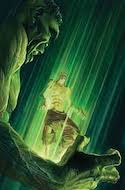
Al Ewing is doing some of the best work at either of the big two superhero publishers right now. How good is he? He got me to read and enjoy a Deadpool miniseries. That's no small feat.
And now, Ewing is hard at work on another difficult Marvel character: the Hulk. Lots of writers have made their own imprints on the Hulk over the years — I grew up with Peter David's run, but that Bill Mantlo stretch in the 1980s was just as groundbreaking as David's, if not more — but Ewing is doing something else again: he's recasting the Hulk as a horror comic, and he's succeeding.
The Immortal Hulk, as Ewing's run is titled, began as a kind of gimmick in single-issue stories: Bruce Banner would die in some gruesome way, then the Hulk would briefly show up and enact an ironic form of justice. It was the kind of formula we've seen in comics since at least the early days of The Spectre, and it was enjoyable enough.
But the last few issues of Ewing's run have changed the character of the Hulk in some deeply disturbing ways. It sent the Hulk, literally, to hell, and made him join forces with some unlikely allies in a quest to escape. This Hulk — more literate than past versions, and gaunt like a corpse — is beyond good and evil. He's a monster with his own mysterious agenda, and he'll defeat the devil himself if he gets in the Hulk's way.
Issue 13 of The Immortal Hulk sees the conclusion of one story and the beginning of another. It has deepened the character's story by making him the first in a small army of gamma-ray-powered "metaphor people," and it has promised more revelations to come. And it ends with one of the most affecting last pages I've seen in a superhero comic in recent memory: Bruce Banner, the monster at the heart of the Hulk, writhing in an agony of his own making, seeking some kind of salvation. It probably won't end well for him.
You've got to do something
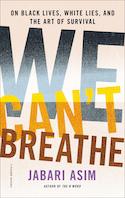
Between Virginia's parade of blackface-wearing public officials and Liam Neeson's admission that he sought to kill a "black bastard" almost at random after a friend was raped, white people have done their best to mar the first week of 2019's edition of Black History Month. And of course the white people at the heart of these stories all insist, heartily and without irony, that they are not racist.
"I'm not racist." Think about that statement. On what planet do you get to be the final arbiter of your own racism? Racism is not an individual choice; it is systemic. Every white person I know — yes, myself included, obviously — has behaved in a racist manner, or said something racist, or committed a racist action. Racism is not who you are, it's the culture you simmer in, and it's the choices you make within that culture. When you are accused of racism, the best first action is not to insist upon your own lack of racism; it is to shut the hell up and listen.
Last night's edition of the Reading Through It Book Club discussed Jabari Asim's beautifully written collection of essays, We Can't Breathe: On Black Lives, White Lies, and the Art of Survival. Thanks to slick roads and skittish Seattle drivers, we were a small group — and, as it happens, we were a group entirely made up of white people. Of course we discussed the complexity of that situation: it felt problematic for a group of white folks to sit around and talk about a book that talked so honestly about the Black experience in America.
But, really, what would have been a better option for us to take? Would it be better for us to not discuss the book? That doesn't seem right. It's important for white people to discuss race and racism amongst ourselves, isn't it? To call our white friends out when we see racism, and to embark on the difficult conversations when they're necessary?
There was much to discuss in Asim's book. The essays are not just gorgeously written; Asim placed them perfectly in relation to each other. The first essay is about the importance of truth and the lies people tell; it immediately framed Asim as someone who cares deeply about honesty. The second essay is about the pleasures of strutting, of feeling comfortable and happy in your own body, and the joy that Asim takes in lyrically describing his own tendency to strut is infectious.
We were all moved by Asim's writing. We all took something away from the book and wanted to read more by him. We wanted to place the book in the hands of the white people who needed to read it. We wanted to talk about the book with our neighbors, and to take Asim's words to heart. We were a small group, and we barely scratched the surface of what Asim had to say. But we showed up, and we talked, and we listened to what he had to say, and we tried to recognize our own place inside that terrible mess of a system. It's not enough, but it is a step forward.
The next Reading Through It Book Club will convene at Third Place Books Seward Park to discuss Seattle author Martha Brockenbrough's biography of Donald Trump, Unpresidented. Brockenbrough will be in attendance at the next meeting on March 6th at 7 pm. The reading is free to attend and Unpresidented is now 20% off at Third Place Books.
Want to stand up for Seattle schools?
Don't have any plans this Saturday? Here's a way to stand up for Seattle's school libraries:
Join us at a rally for our @SeaPubSchools students Saturday Feb9, 10am at Cascadia Elementary School. Family friendly, #studentvoice #letthemspeak help spread the word https://t.co/mncQDn1nek #schools1stSeattle https://t.co/kZxGrjgaFB
— Rebecca Wynkoop (@EagleStaffLib) February 3, 2019
Book News Roundup: Could've been worse. Could've been Jimmy Fallon!
Well, here's a bummer: the person who'll be interviewing Michelle Obama at the Tacoma Dome stop on her Becoming reading tour is...Jimmy Kimmel? Couldn't they have found someone with a local tie?
Here's a great conversation with Victor LaValle and Marlon James about how literary fiction is failing a generation of writers and readers:
Literary realism has this sort of indie-film attitude toward sex. Violence is violent, but sex isn’t sexy. It’s compulsive; nobody’s happy; they enjoy the cigarette way more than the sex. Sometimes I read these novels, none of which I’ll name, and I go, It’s not that hard to enjoy sex, people.
- Here's an interesting thread by Anand Giridharadas, author of the bestselling Winners Take All, about the so-called liberal book world:
So apparently some famous writer was disgraced this week and a venerable literary organization asked me to fill in for him at a dinner to raise money for imperiled writers around the world.
— Anand Giridharadas (@AnandWrites) February 6, 2019
You won’t believe what ensued.
By cutting school library budgets, Washington state is putting its future in peril
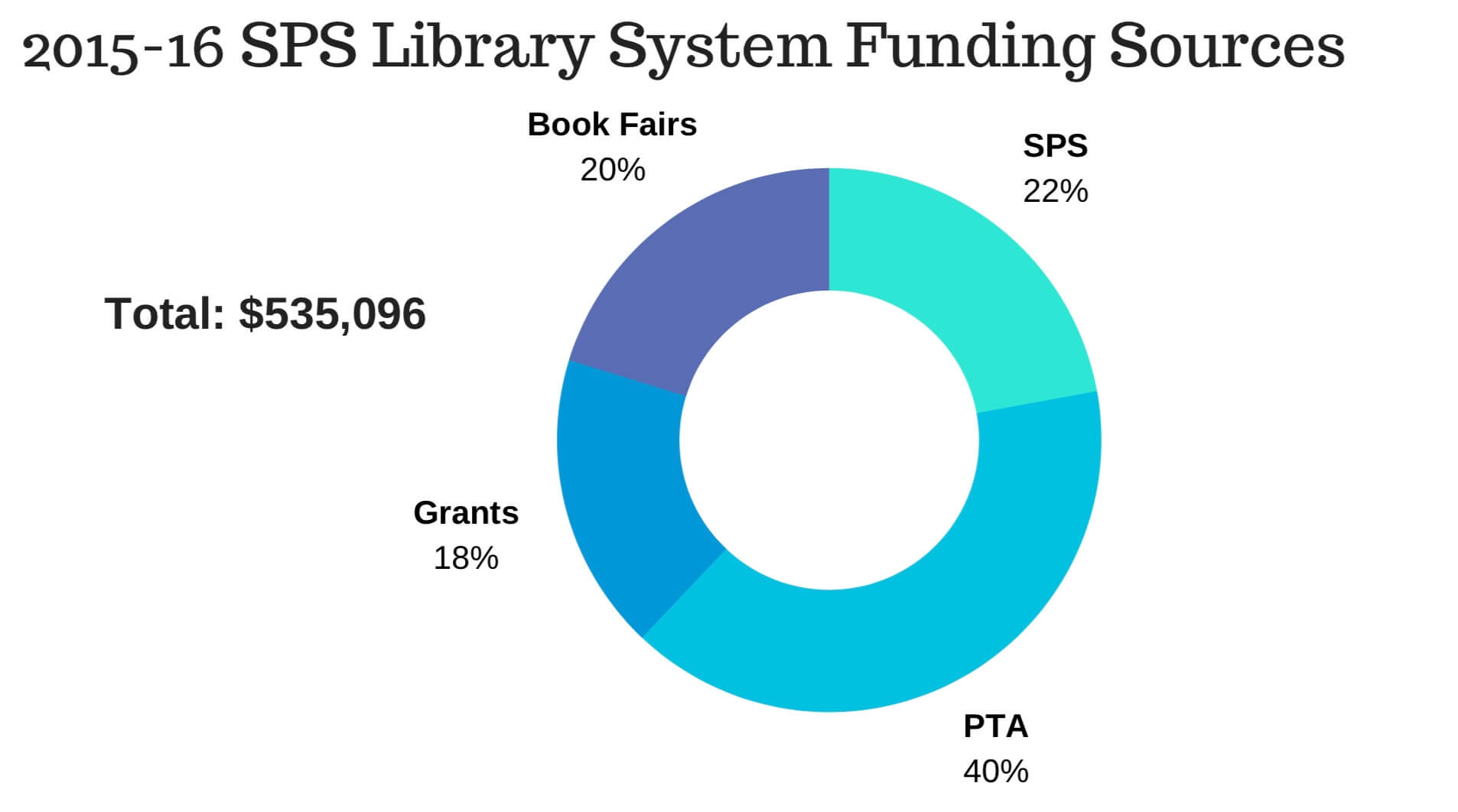
I probably don't need to tell you that public schools in Washington state are in serious trouble. The problems are deep and systemic and a lot of great journalists have been covering this issue for a very long time and I don't want to insult them by mangling the subject, but I think what it boils down to is this: Even though Washington state's constitution specifically labels education of children as the state's "paramount duty," we have failed our public school students again and again.
Our state simply doesn't budget enough for our public school teachers and staff to perform the task that our founders determined to be our "paramount duty." Without an income tax on high-income Washingtonians — two of the three richest people in the world live here, and they pay almost nothing toward public education — we cannot capably educate our children.
Virtually every week brings another failure — both a failure to live up to our state's constitution and a failure to live up to our promise to the state's future. We are losing a generation of students to underfunded schools. Our teachers are brilliant and talented and they love their jobs, but they simply don't have the resources to do the job we hired them to do. And meanwhile our billionaires embark on vanity presidential runs to whine that they don't want to pay any more in taxes. It is a moral outrage.
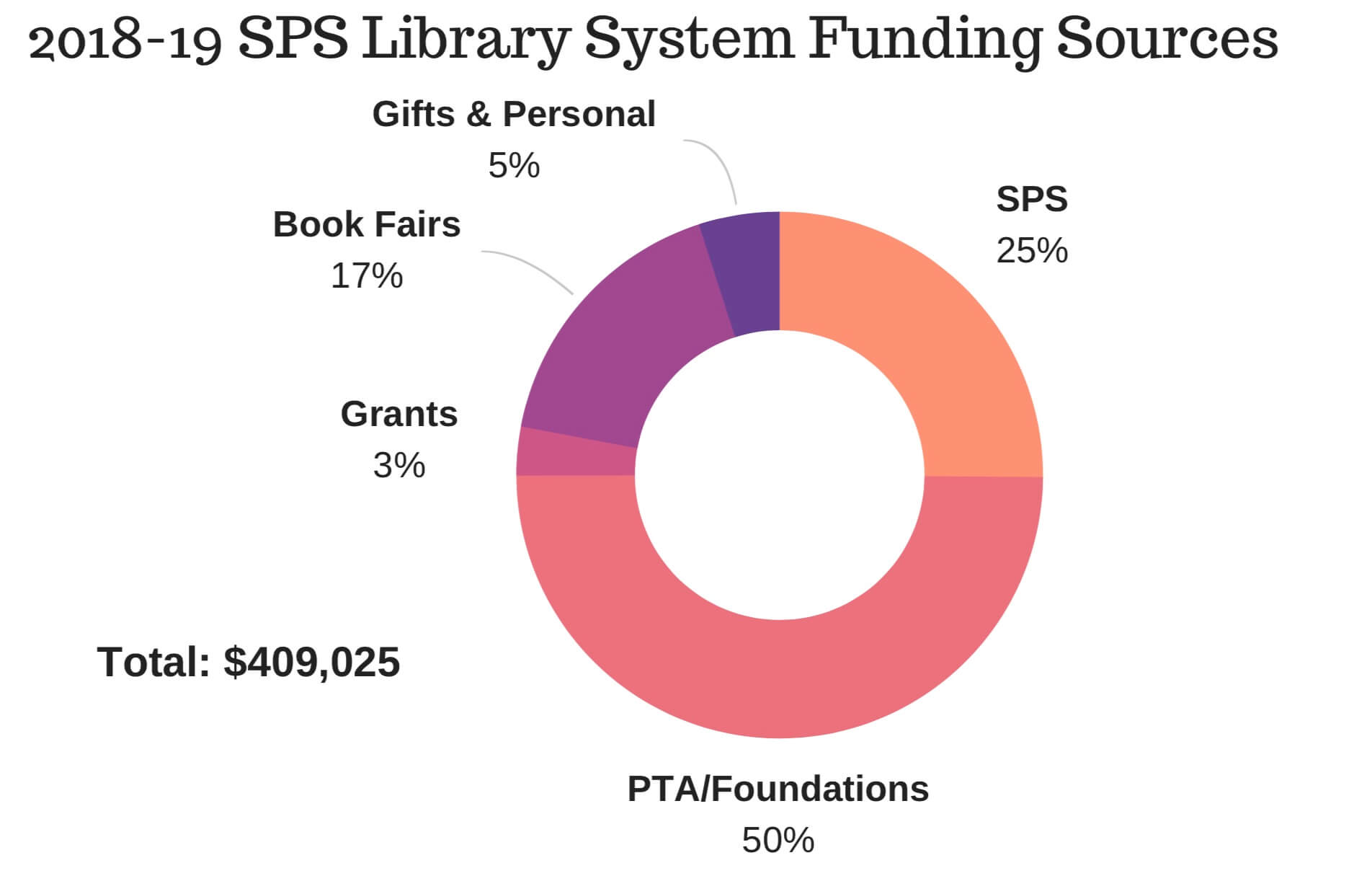
Virtually every aspect of our public schools are in crisis, but for right now I want to talk about our school libraries. Ashley Gross at KNKX reported late last month that two dozen schools in the Seattle school district will be forced next year to reduce their full-time school librarians to part-time status.
You're on a site called the Seattle Review of Books, so it's likely that you understand the importance of reading. School libraries help children learn how to love reading for the pure pleasure of it. Librarians provide book recommendations that could change the course of lives. Those books teach children to be empathetic, to imagine a world bigger than their own, to see themselves in a new light.
And school librarians do a lot more than just check books in and out. In 2016, I profiled a number of Seattle school librarians to get a better sense of what they do. I learned that they provide important classroom support for teachers, that they create safe spaces for children who are suffering from stresses that overwhelmed teachers can't address, that they teach children how to be good researchers and consumers of media. To the children, they are friends, counselors, protectors, cheerleaders, and tour guides to the world outside the school's walls.
Rebecca Wynkoop is a teacher librarian at Robert Eagle Staff Middle School. She explained to me that librarians are on the chopping block right now because the state legislature defines school librarians as "recommended, not required" staff. This word choice means that "the school district is not bound by any law to provide students with school librarians."
Wynkoop, who has worked for Seattle schools for a dozen years, says that "when faced with budget issues, librarians are unfortunately often one of the easiest targets" due to that distinction between "recommended" and "required." Those cuts, she says, will "leave eight schools out of 102 with full-time librarians."
If Wynkoop goes to half-time as expected, she says she would likely "see 400 fewer classes next year," and her students "would check out 17,000 fewer books" than they did this year. It's hard to reconcile those numbers with the real world: how many favorite books will the students of Robert Eagle Staff go without discovering? How many children will not learn to love reading? The cost is incalculable.
The worst part of all this is that there's probably nothing you can do to stop this from happening next year. "I think it's fairly certain that the cuts are going to be made," Wynkoop says.
So what can readers of the Seattle Review of Books do to help? "The first thing is we need is to pressure our legislators to" ensure that schools "can actually operate with a budget that is reflective of the number of students and the diversity of the students that we're serving."
"The second thing is to vote for the two levies that we're facing" in the February 12th election, Wynkoop says. Neither of these levies will restore school libraries to their current strength, but they are absolutely necessary to prevent even deeper cuts.
And we need to change the culture to reflect the importance of school libraries. "Recently the Washington Library Association did a study, and they found that there's 33 surrounding districts in the Pacific Northwest that have full-time librarians in their schools. And Seattle is one of two that won't. Some of that's because we're a larger district, but some of that is because there hasn't been a priority placed on libraries in schools, and the services that they provide, for a number of years."
"So we also need folks to encourage their school board members and, quite frankly, if they have kids in schools, to encourage their principals and the administration to prioritize libraries." One way to show what school libraries mean to you is to contribute to an upcoming zine showing the impact of reading and libraries on young lives. If you have a compelling testimonial to contribute in whatever form — comics, essay, interview — librarians would love to hear from you.
Wynkoop adds, "I definitely feel like our libraries are the key to equity, and unfortunately this cut is going to only increase the inequities to students in Seattle public schools." She says that wealthier schools "with strong library programs and strong parental support will likely find ways to keep their full-time librarians," through PTA donations and grants. But in the schools with less resources, "the students will just go without. And that's just going to widen our opportunity gap."
The choices we're making in this state right now will have long-term repercussions for Washington and the world in years to come. If we fail to foster a love of reading in children today, we could be dooming an entire generation to failure. Children need ready access to free books, and they need trained adults to help them find those books. Libraries can never be optional.
The talking cure
Published February 5, 2019, at 12:00pm
Tonight, Seattle author Kirsten Sundberg Lunstrum reads at the Elliott Bay Book Company. Her new collection is about broken people trying to make themselves better through storytelling.
It's been a long, long time
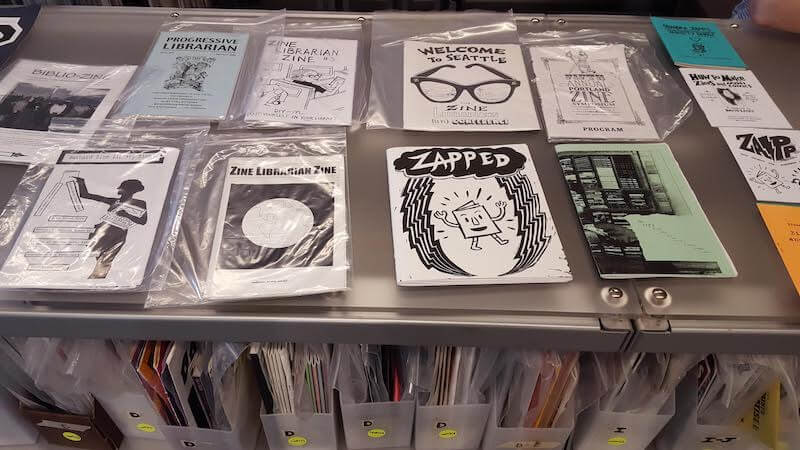
On a sunny day in March 2014, I drove a moving truck packed full of zines across downtown Seattle to the top of Queen Anne Hill. With the gas pedal pressed to the floor, the truck slowly crawled up the 18 percent grade. When we arrived at our destination, 223 carefully packed boxes of zines were whisked out of sight into a building I was prohibited from entering: the off-site storage facility of the Seattle Public Library. I would not see the zines again for five years.
Last week, the Seattle Public Library hosted a number of events for those in town for the American Library Association's Midwinter conference, including an open house of the ZAPP (Zine Archive and Publishing Project) collection. As a librarian and a ZAPP volunteer from 2009 to 2014, I was grateful for the chance to see the collection again. I approached the event with a mix of trepidation and hope, and I came away cautiously optimistic about the collection's future.

The ZAPP collection, which includes more than 30,000 zines dating from the 1920s to the time ZAPP moved out of the Richard Hugo House in 2014, is now located on the seventh floor of the Central Library, in the Maffei Family Aviation Room. The collection is locked, with access available only by appointment. Even more disappointing, the ZAPP collection still has no presence on the Seattle Public Library website (although I was assured this was in the works); unless someone has previous knowledge of ZAPP, they would have no idea of the treasures held within. No new zines are being added to the collection, belying the long-held conception of ZAPP as "a living archive." Any new zine donations are added to the separate, circulating collection of zines in the library's teen collection.
The collection is still in the original boxes and acid-free plastic bags that housed the zines at Hugo House. Library staff plan to place the zines in plastic sleeves that have an open top, and there is talk of storing the entire collection in closed-top Hollinger boxes. Open-top sleeves are a great idea for making the zines more browsable, but having the collection in Hollinger boxes would make the collection seem unwelcoming and could discourage people from looking through the collection. There's a balance to be struck between preservation and access, and closed-top boxes swing that balance too far.

The room itself has beautiful views but is stark, with grey walls and no decor. SPL staff have invited a handful of school groups to make zines in the working space toward the back of the room. Though no zine-making supplies were visible during the open house, the SPL zine librarians expressed their desire to get additional supplies: a copy machine, paper cutters, typewriters. I also hope that they can make the space more inviting by displaying creative inspiration on the walls.
Two things I learned during the open house made me hopeful for the future of the collection: the SPL zine librarians mentioned that they were working on an upcoming exhibit with North Seattle College, which will feature memorabilia from ZAPP's history from 1996 to 2014. That'll be an exciting opportunity to let folks know about this important part of Seattle's history of art and literature. In addition, SPL was able to obtain enough funds from the Seattle Public Library Foundation to hire a twenty-hour-a-week copy cataloger who will focus exclusively on providing access to the ZAPP collection. While this funding is only guaranteed for one year, it's still a huge step towards making the zines located within SPL more visible to a worldwide audience.
I would encourage anyone who was a part of ZAPP or is a part of Seattle's vibrant small press culture to continue to pay attention to what SPL does with the collection. Let's make sure that SPL administration gives the collection the attention and financial resources it requires to thrive and grow into the future.
To live in ignorance is exactly what
An ageless geography,
this dizzying Sisyphus that defines
the tremor of knots & water, classification of a mile-hymned
absence shorn of breath & bismuth. For its excess,an abdication. A victory sizzling
the compass glass,
the dinging, a beacon for what’s lost
& hungered. There’s nothinghere to covet.
Of what’s been asked
across the oscillating apse,
which question is the one to strain?All strung out in axes,
asp & aspen
both sense the same direction.
Don't miss the 2/15 Mineral School deadline
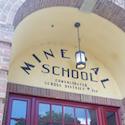
Have you ever read an interview with a school? Neither had we before our disembodied consciousness reached out to ask sponsor Mineral School some important (and only slightly impertinent) questions.
Fits the bill, since Mineral School is the most unique, charming, and special writer's residency around. Hosted in an actual school (retired) for the small town of Mineral, Washington, it was built the same year that something very culturally significant happened in the sky above the new school (read about that in the interview). A classroom in this storied building could be your home and workplace a bit later this year. Even better, they feed you great food, and from everything we've heard, they know how to feed the soul of a writer, as well.
Don't miss out. February 15 is the application deadline for this year's residencies. Check out our sponsor feature page for the inside scoop on the program, and to read about the school in its own words.
Sponsors like Mineral School make the
Seattle Review of Books possible. Did you know
you can sponsor us, too? If you have a book, event, or opportunity you’d like to get
in front of our readers,
reserve your dates now. The spring is selling fast!
Your Week in Readings: The best literary events from February 4th - February 10th
Monday, February 4: The Seattle General Strike Reading
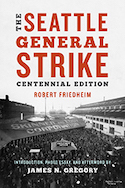
This year is the 100th anniversary of a citywide strike that helped make Seattle a center of labor in the United States. This is a release of a revised reissue of a book written by Robert L. Friedheim and published in 1964. University Book Store, 4326 University Way N.E., 634-3400, http://www2.bookstore.washington.edu/, 6 pm, free.
Tuesday, February 5: Kirsten Sundberg Lunstrum and Sarah Cannon Reading
Kirsten Sundberg Lunstrum is the author of the brand-new short story collection What We Do With the Wreckage. Sarah Cannon is a memoirist who wrote the very good The Shame of Losing. They are both Seattle writers. Elliott Bay Book Company, 1521 10th Ave, 624-6600, http://elliottbaybook.com, 7 pm, free.
Wednesday, February 6: Dragon Gate Press Party
Seattle writer Marlene Blessing was for years a senior editor at Dragon Gate Press. Tonight, with the help of local writers Sharon Bryan and Laura Jensen, they will celebrate an important press in local history. Open Books, 2414 N. 45th St, 633-0811, http://openpoetrybooks.com, 7 pm, free.
Thursday, February 7: Lake City Reading
As I wrote in my review of Seattle author Thomas Khonstamm's debut novel Lake City, the book "makes a pretty compelling case for the titular neighborhood as the place where 'real' Seattle has dug in and stubbornly refused to give up." It's a story about a side of Seattle that rarely gets any attention anymore. Tonight, I'll be in conversation onstage with Khonstamm. We'll talk about what it's like to recreate a certain time and place, why Lake City is so evocative, and what writing a debut novel after publishing a successful nonfiction book is like. Elliott Bay Book Company, 1521 10th Ave, 624-6600, http://elliottbaybook.com, 7 pm, free.
Thursday, February 7: Horse Takes Wing: The Uncollected Poems of Madeline DeFrees Release Party
See our Event of the Week column for more details. Hugo House, 1634 11th Avenue, 322-7030, http://hugohouse.org, 7:30 pm, free.Friday, February 8: Unapologetically Black
Unapologetically Black is an anthology reading of true stories about "what it means to be black in America." According to press materials, "Each story a profound display of humanity and triumph amid racial and ethnic division across a variety of topics including mental health, law enforcement, education, relationships, identity and more." Center Theatre, Seattle Center, 684-7200, https://www.facebook.com/events/2207672906173462/, 7 pm, $22.Saturday, February 9: Sierra Golden and Laura Da'
I've had the pleasure of interviewing both Laura Da’ and Sierra Golden in the last few months. They're both brilliant poets at different points in their careers. Golden is relatively new to life as a poet, while Da' has been at it for a few years. Together, they're an interesting pairing. Open Books, 2414 N. 45th St, 633-0811, http://openpoetrybooks.com, 7 pm, free.Sunday, February 10: Citizen Jean Reading
Jean Godden whas been a journalist and a columnist and a Seattle City Councilmember. Her memoir, Citizen Jean: Riots, Rogues, Rumors, and Other Inside Seattle Stories, documents a large chunk of history in 20th century Seattle from her perspective. Elliott Bay Book Company, 1521 10th Ave, 624-6600, http://elliottbaybook.com, 3 pm, free.Literary Event of the Week: Where the Horse Takes Wing reading at Hugo House
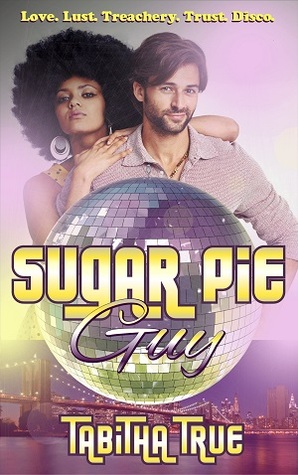
"[Madeline] DeFrees was one of the most vibrant, evocative poets the Pacific Northwest has ever produced," I wrote on this site three years ago, not long after her death. DeFrees's passing moved whole generations of Seattle poets — people who had loved her work as readers, or who knew her personally, or had just fallen in love with her as a reader of her own work.
DeFrees's work appealed to so many readers because it was so specific to her own experiences. That specificity brought a universal appeal to her writing. "Her charge as a poet," I wrote in November of 2015 when DeFrees's death was announced, "was to capture the workings of her mind, with all its contradictions and inconsistencies, and relate it in beautiful, entrancing language."
After every poet's death, there come a reckoning with legacy. Either people remember and celebrate their work, or the poet is forgotten. DeFrees was too important to Northwest poetry to be lost to time. In fact, our realization of the importance of her work has only grown in the years since her passing. DeFrees was the creator of a particular kind of confessional work that we're still seeing in our new Seattle poets today. It's probable that a hundred years from now, her name will tower over some of the white men who currently stand atop the Washington State Poetry Canon.
This Thursday, Hugo House celebrates the 100th anniversary of DeFrees's birth and the publication of a posthumous collection of her work, Where the Horse Takes Wing: The Uncollected Poems of Madeline DeFrees. Local poets including Anastacia-Renee, Susan Rich, Arianne True, and Natasha Kochicheril Moni will read some of DeFrees's work and discuss how she helped shape their own careers.
Anne McDuffie, the book's editor, will be on hand to discuss what it is like to oversee the next step in DeFrees's evolution as a poet. This is a rare chance to witness the moment in which a poet's afterlife truly begins.
Hugo House, 1634 11th Avenue, 322-7030, http://hugohouse.org, 7:30 pm, free.
The Sunday Post for February 3, 2019
Each week, the Sunday Post highlights a few articles we enjoyed this week, good for consumption over a cup of coffee (or tea, if that's your pleasure). Settle in for a while; we saved you a seat. You can also look through the archives.
How a Thirteen-Year-Old Girl Smashed the Gender Divide in American High Schools
At thirteen, Alice de Rivera decided that the right school for her was not the local public — weak in STEM, weak in support from teachers — but Stuyvesant High, an all-boys school celebrated for its math and science classes. With consent from, but not driven by, her parents, she found a lawyer willing to push the case and was admitted after a media circus that today would surely have brought Twitter to its knees. Although de Rivera never attended Stuyvesant (her parents shuffled her out of the public eye, after her very public win), she was the tip of the wedge that pried Stuyvesant open for other young women. Laurie Gwen Shapiro visited Alice to hear the story firsthand.
De Rivera lives in a farmstead that was built in the eighteen-twenties, far outside of town, and hidden among the trees. My Uber driver went back and forth several times before de Rivera, a trim sixty-three-year-old in a plaid flannel shirt, walked down the snowy road to find me. She was instantly recognizable from her old, teen-age press photos. She brought me inside, and we sat at her kitchen table near an old Jøtul wood stove that was heating the room. De Rivera is a physician, and she lives with her husband, David Haines, a retired math professor at Bates College. (She now goes by Alice Chartrand Haines, which includes her first husband’s last name.) After her courtroom victory, she had become a footnote in history, and hadn’t spoken to the press since 1969. When I saw her, I told her that some New York City girls wonder whether she was a myth.
“Oh, I’m real,” she said, possibly blushing. “Just very private.”
Academic Freedom
The tags on this one tell the story: "free speech," "homophobia," "Oxford." Sophie Smith considers the case against John Finnis, whose position on homosexuality has been challenged by a petition to remove him from his post at the august British institution, and reminds us that few ideas are free of hidden motivations, and free speech may in fact be very costly.
In 2017, Finnis was called on to respond to claims that his former student Neil Gorsuch, then a nominee for the US Supreme Court, had plagiarised other scholars in a book. Finnis defended Gorsuch on the grounds that his ‘writing and citing was easily and well within the proper and accepted standards of scholarly research and writing in the field of study in which he and I work’. But as Finnis’s colleague Les Green pointed out at the time, ‘if by “the field of study in which [Gorsuch] and I work” Professor Finnis means university research in law or legal philosophy, then his claim is unfounded.’
We should be mindful of the way the current narrative is playing out: the gentle, humble scholar defending himself against the witch-hunt of the student mob. The Gorsuch episode suggests that, like the students who would see him dethroned, Finnis is engaged in politics, and wants to create a world more congenial to his views. And sometimes his side wins: Gorsuch, until he retires or dies, will sit on the US Supreme Court.
What Driving Can Teach Us About Living
A lovely, long piece by novelist Rachel Cusk on driving. Cusk considers time, death, morality, and freedom, all through the windshield — the perfect reading for a road trip, or for recognizing the largeness that exists in everyday actions.
It is often regretted that children can no longer play or move freely outside because of the dangers of traffic; inevitably, many of the people who voice these regrets are also the drivers of cars, as those same restricted children will come to be in their time. What is being mourned, it seems, is not so much the decline of an old world of freedom as the existence of comforts and conveniences the individual feels powerless to resist, and which in any case he or she could not truthfully say they wished would be abolished. There is a feeling, nonetheless, of loss, and it may be that the increasing luxury of the world inside the car is a kind of consolation for the degradation of the world outside it.
Whatcha Reading, Kirsten Sundberg Lunstrum?
Every week we ask an interesting figure what they're digging into. Have ideas who we should reach out to? Let it fly: info@seattlereviewofbooks.com. Want to read more? Check out the archives.
Kirsten Sundberg Lunstrum is the author of three collections of short fiction, most recently What We Do With the Wreckage, the winner of the 2017 Flannery O’Connor Award for Short Fiction — and which was also popular with other Whatcha Reading contributors.
Come see Kirsten in conversation with local author Sarah Cannon, author of The Shame of Losing, this Tuesday, February 5th at the Elliott Bay Book Company.
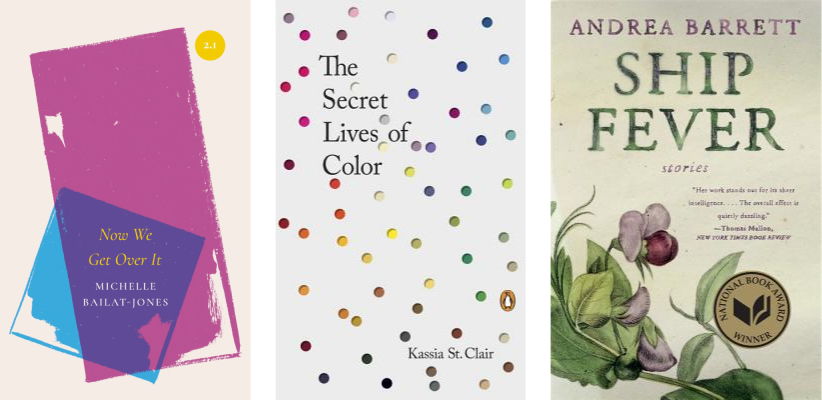
What are you reading now?
I’ve just discovered UK-based Platypus Press’s Shorts — a series of individually released digital short stories — and I’m happily working my way through the most recent issues, starting with January’s release, “Now We Get Over It,” by Seattle-native Michelle Bailat-Jones (whose most recent publication is the lovely and moving novel Unfurled, published in October of 2018 by Ig Publishing).
“Now We Get Over It” is a quiet and technically beautiful story. It follows Laura, a new mother, through the first weeks after her son’s delivery into the world, and it so perfectly captures the disorientation, unexpected emptiness, and muddy fatigue that many mothers experience during the early months of parenthood. Bailat-Jones’s writing is precise, and reading her prose called up in me the exact dreamy melancholy and unexpected grief I recall from my own first days as a new mother. Laura’s repeated variations on the line Everything is fine, I’m really fine, I’m going to be fine run like cracks across the polished surface of this story, and by the last page I felt exactly as fractured as Laura herself.
I can’t wait to read the rest of the stories in this series.
What did you read last?
I bought myself Kassia St. Clair’s The Secret Lives of Color at the end of December, and reading a few pages of it each night before bed became my daily gift to myself throughout the first month of the new year. Several people had recommended the book to me — among them Seattle poet Catherine Bull, who said the book’s rich and vivid exploration of the history of colors was working its way into her poems; and also Seattle artist Drie Chapek (whose show In the Quiet opens at the Greg Kucera Gallery at the end of this month). I was intrigued, bought the book, and then found myself savoring every page. Opening the book each night to read St. Clair’s detailed, fascinating, and visually evocative histories was like opening a box of sweets. I loved everything about this gorgeous book.
What are you reading next?
Next on my list is a re-read, actually, of a book I’ve loved for years: Andrea Barrett’s story collection Ship Fever. I’m teaching a high school creative writing class this year, and in February and March we’re focusing on integrating history and science in our short fiction. I’m turning (back) to Barrett’s collection not only because of her mastery of short story form, but because of the intricacy with which she is able to lace together fact and fiction. Next week my students will read her story “Rare Bird,” which follows two 18th century women scientists as they defy a widely accepted theory about swallows’ winter migration — and set themselves apart from the exclusively male circle dominating scientific study and knowledge. It’s a beautiful, perfectly put-together story, and — like all of Barrett’s stories — I learn more about how to write fiction each time I read it.
January 2019's Post-it note art from Instagram
Over on our Instagram page, we’re posting a weekly installation from Clare Johnson’s Post-it Note Project, a long running daily project. Here’s her wrap-up and statement from December's posts.
January's Theme: Chosen By My Sister
I love publishing these, and I also hate choosing which ones to publish. I’m not great at making decisions. The decisions themselves turn out fine—I’m just terrible at coming to one. My monthly post-it choice overwhelms me with self-consciousness and time, throwing fistfuls of years and life in my face at once. Who knows which moments above others are better, worth anyone else’s time. My little sister was in town last month, inspiring a brilliant temporary solution: I should make her choose them. I hesitate to assign hierarchies (decisions, ugh) but it’s possible that my sister is the #1 BIGGEST FAN EVER of my Post-it Note Project. Maybe. I felt she was a good target. She briskly narrowed her scope to 2013; I know why, and I don’t want to talk about it right now. Charmingly, she initially seemed to be drawn to a healthy dose of pieces featuring herself (there are many), but then took a slightly alarming turn towards the theme of my divorce. That spotlight makes me a little squeamish, but I played by the rules and didn’t edit her choices. The first one anticipates another February, traditionally my most vulnerable month—superstitiously fearing deaths, more losses. Trying to prepare, or trying on hopefulness, laughing at myself. The laptop drawing feels jarring; in the day-to-day now I forget, lose the details of how the partnered version of my life ended. The friends pressuring me about online dating have long since moved away for spouses met through random computer-free coincidences, so I find myself less encumbered by such suggestions nowadays. It’s sweet that she chose the Doris Day post-it—she’s so delightfully on board with all things dyke. Apparently I’m just enough older to have made lesbian cool from an early age. She lives states away but we’re also so crazily close; I think some part of her feels disguised by her own straightness when I’m not around. The divorce meerkat came into my life thanks to my former in-laws, who I speculate bestowed it upon me in a panic of powerlessness and care the night that their daughter left me. We were staying with them a lot; my wife was at work, I was on the top floor of their house when I got her message. My mother-in-law was somewhere downstairs; I don’t know how much she and my father-in-law knew. When he got home from work he confusingly thrust a foot-high, strangely realistic meerkat figurine into my arms. Jauntily, awkwardly, kindly; saying “this is for you.” I never asked them about it. I do like meerkats. When I finally moved into my own place years later, unpacked the boxes from England, there it was, bland and blisteringly hard to look at. There aren’t words. The helpless love in their baffling gesture, the unbearable time travel of this cute, tacky meerkat that traveled an ocean and continent and three years into the future to track me down, break my heart. It makes me laugh out loud and utterly crushes my soul to the floor. I’m sort of miffed at my sister for tricking me into talking about this. Last I saw it, the divorce meerkat was headed to North Carolina to live with my cousin during her own divorce. She’s a grief and bereavement counselor and enjoys a dark joke.
The Help Desk: The space race
Every Friday, Cienna Madrid offers solutions to life’s most vexing literary problems. Do you need a book recommendation to send your worst cousin on her birthday? Is it okay to read erotica on public transit? Cienna can help. Send your questions to advice@seattlereviewofbooks.com.
Dear Cienna,
You know that old line about book critics being frustrated novelists? Do you think there's any truth there? Is it, like, 68 percent true, maybe?
Joe, Renton
Dear Joe,
All novelists are frustrated but yes, book critics are an odd mix of fangirl and frustrated rival to the authors they critique. It's natural to be competitive in this way. For instance, I have a natural rivalry with retired NASA astronaut Steve Swanson, who many agree is the nicest guy on land or in space – a real Prom King of the People.
You might be wondering why the silly fuck I would choose an all-American hero as a rival. Have you ever heard the old spider adage "bite up"? In other words, don't spin a web to snare a fly, spin a web to snare an astronaut and if a fly lands in the interim, eat him for dinner and then piss on his desiccated corpse.
Retired NASA astronaut Steve Swanson and I attend the same gym. I find myself working out with him regularly. My pushups look like I carry the weight of the world on my shoulders while he knocks his out in Zero-G. I find myself thinking, "Goddamn your perfect pecs, retired NASA astronaut Steve Swanson." I also note his flaws, and find satisfaction in the fact that, given his advanced age, he will likely die before me.
Does this make me a bad person? No. At worst, it makes me a frustrated spaceman.
The best book critics are frustrated novelists who have spent their lives studying and practicing the art of writing good, and are in the best position to crack open the form and structure of a work. Book critics are especially eager to dissect books that succeed in ways that they, as writers, fail.
I would say 68 percent frustrated is accurate.
Kisses,
Cienna
The flat white goes sour: Watching Howard Schultz make the case for his own presidency
I don't want you to read about Howard Schultz. You don't need to read about Howard Schultz. Howard Schultz doesn't have any answers to the problems that this country faces.
Instead of reading this piece about Howard Schultz, I would much rather you spent this time reading about real policies that would help Americans eliminate the inequality that has hobbled this nation for the last 40 years: Elizabeth Warren's plans to tax the wealthy and put workers on the boards of corporations, Bernie Sanders's plans to raise the estate tax, Kirsten Gillibrand's plans to institute paid family leave and publicly funded elections, Kamala Harris's calls for universal pre-k.
Virtually all of the Democrats who are running for president have put together thoughtful, ambitious policy proposals that would change the power dynamic in America, helping to re-establish the middle class as the true center of the economy and of the future. Focusing on these ideas, rather than the whims of some dilettante who wants the validation of history, would help to make our country a better place. Please, please focus on substance.
But here's the thing: last night, I saw former Starbucks CEO Howard Schultz speak at the first event in his adopted city of Seattle since he announced Sunday on 60 Minutes that he was considering a run for president. And I am still furious about what I saw.
The way I process things is I write about them. And then I publish them on websites, in the hopes that perhaps my processing will be useful to someone else. So I'm going to talk at length about Howard Schultz right now. I'm not doing it because he's important or because he's thoughtful or serious. In fact, he is the opposite of all those things. But I still have to process my experience at the Howard Schultz event, and so that's what I'm doing here. I urge you to do something more useful with your time than think about Howard Schultz.
But for the rest of you, those foolhardy few, I will start writing about my evening with Howard Schultz now.
So far as Seattle events go, the Howard Schultz book launch event last night at the Moore Theatre was about as Seattle-y as they come. There was a protest out front — across the street, very politely corralled away from the doors of the Moore. People waved around signs. My favorite was one that said WHAT THE HELL, HOWARD?, but there were plenty to choose from: DON'T SPLIT THE ANTI-TRUMP VOTE, A DOUBLE SHOT OF STUPID — A GRANDE DRIP, and CLUELESS BILLIONAIRE$ MAKE CRAPPY POLITICIANS.
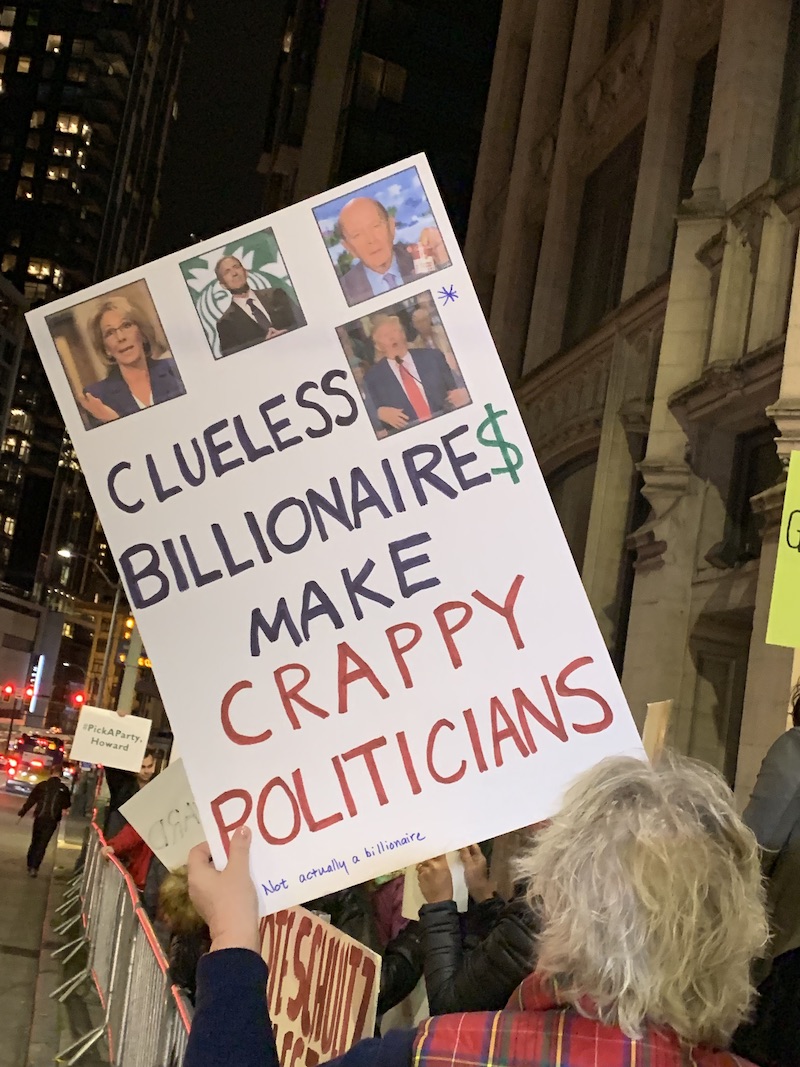
The protesters' message was fairly polite, too: they tried to appeal to Schultz's better nature by chanting "pick a party," rather than "go fuck yourself," say. They suggested that he run as a Democrat. They argued that he was a great businessman and a good man, deep down, but they took issue with his decision to run as an independent and therefore potentially pull votes from whoever gets the Democratic nomination in 2020. It was all very civil.
The raucous, angry protests I imagined simply didn't materialize. Unlike the rollout of Schultz's event in New York City, nobody called him an "asshole." There were no coordinated protests inside the venue, and the heckling was very light.
Perhaps most surprisingly — and damningly for a Seattle event, the evening did not begin nor end with a standing ovation.
The crowd inside the Moore was very traditionally Seattle, by which I mean it was super-white, and wealthy, and older than the crowds you see on the street in South Lake Union. People wore business casual and outdoorsy fleeces. Their applause felt ostentatious, like it was a performance to show the world that they were good and correct moral creatures. Perhaps most surprisingly — and damningly for a Seattle event, the evening did not begin nor end with a standing ovation. Seattle crowds are notoriously easy with their standing o's, and the denying of an ovation from Schultz at his homecoming felt like a noteworthy snub from such a Seattle-y room.
As I entered the hall, someone handed me a square piece of thick cardboard — a coaster, maybe? — that had printed on it, in Schultz's messy handwriting, "Don't be a bystander," along with the name of his new book, From the Ground Up, and the puzzling hashtag #reimagineus, which was supposed to be a call for reimagining the United States, but which read more like the name of a failed Roman emperor or a bad advertisement for an REI store remodel.
Schultz's hour-and-a-half conversation with Evergrey editor Mónica Guzmán was especially noteworthy for the fact that Schultz did not list one single policy that he would promote if he were to be elected president.
Instead Schultz talked about all the things he would not do. He said he opposed Trump's border wall and his corporate tax cuts. But he also said he opposed the "progressive" policy agenda that Democrats in Congress were promoting. He listed three of those policies in quick succession: Free health care (the crowd cheered for it) and free college (the crowd also cheered for it) and "government jobs for everyone" (a mangled interpretation of a jobs guarantee bill which elicited more confusion than anything else from the crowd — one woman issued an incredulous "WHAAAAT!?" when Schultz said it.)
When Schultz announced that he doesn't know how we can pay for those policies, some hero in the audience shouted "pay your taxes!" People applauded. Schultz almost certainly heard — I've been on the stage of the Moore during busy events in a packed house, and you can hear people talking at normal levels in the back row — but did not reply.
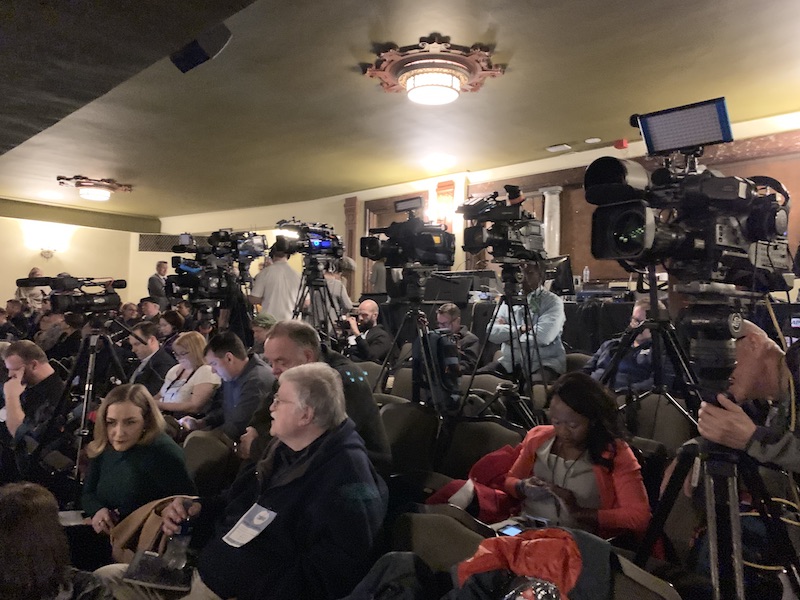
Schultz is not especially charismatic. He can put sentences together, and he looks the part of an intense leader, but he doesn't carry a mystery about him, a suggestion of a deep interior life. It's easy to picture him thinking about the song "Pop Goes the Weasel" in any given situation — underneath that slick of gray hair, you get the sense that there's often not much going on.
Further, Schultz does not seem especially smart. He talked about the national conversation with all the depth of the coaster everyone was handed on the way into the theater. Whenever Schultz was asked why he was running as an independent, he'd turn to the audience and say something like, "how many of you think the situation is working well as it currently is?" That's all well and good, but you wouldn't go up to people who were trapped in a burning building and say "it would be a lot worse if there were a bunch of sharks in there with you, wouldn't it?"
Schultz is perhaps the world’s first identity politics billionaire. He whines about being labeled as a billionaire in the same breath that he acknowledges that it’s a true label.
Schultz is perhaps the world's first identity politics billionaire. He whines about being labeled as a billionaire in the same breath that he acknowledges that it's a true label. He says he feels attacked for his great wealth, and he longs for the good old days when people "celebrated success." He's someone who suffers no ill consequences from Donald Trump's actions in the White House, but who would lose money if Democrats took power and passed sane tax legislation. That's why Schultz can call Trump "exhausting" in the same sentence that he complains about the "toxicity" of Democrats in Congress. Democrats are poisoning everything; Trump makes Schultz want to take a nap. Though he actively begged for the spotlight of intense national scrutiny to fall down upon him, he has clearly been coddled to the point that he believes himself to be the innocent victim of a "punitive" and jealous smear campaign centered around his wealth.
In short, Schulz seems delusional. No humble person talks about their own humility as much as Schultz did last night. No humble person has to announce "I'm not a Messiah." No humble person would run for president and then compare themselves to the father of the country: "Imagine for the first time since George Washington that an independent person could win."
The worst answer of the night came when Schultz tried to explain away his abysmal voting record. Danny Westneat reported this week that Schultz has only voted in 11 of the last 38 elections, and Schultz claimed that he's voted in every presidential election since he turned 18 and that he just "wasn't engaged" in local politics.
This, to me, is the most baffling part of the whole thing. I don't know how you can have the gall to identify yourself as a civic leader, as someone who can change the conversation forever, while not taking an interest in the operation of the city around you. People have asked why Schultz doesn't run for Seattle City Council; I have my doubts that he could name his home district's City Councilmember.
He seems thoroughly uninterested in the mechanisms of political power. When Schultz explained how he lost Seattle's basketball team, his story portrayed himself as the hapless loser, torn between civic forces he didn't understand. When he then expressed his disinterest in city, county, and state politics, he reconfirmed that portrayal.
In the end, here's what I think. I think Howard Schultz is a man who is in over his head. I think he's an arrogant man who has fallen prey to some money-grubbing consultants who are playing out his expensive fantasy on a world stage for as long as they can. He's not especially bright when it comes to politics, and he's aggrieved, and he's starting to behave like a wounded child. He thinks the world owes him awe, and he's mad that he's not getting it.
While I could see some Americans falling for the idea of a Howard Schultz presidency just based on hearing the broad strokes of his autobiography, I don't think the man can survive the scrutiny of this process. More, he's not good at it. I don't expect that many people left the Moore last night banking on Schultz to win.
Given that Schultz ended the evening by running away from the press, I suspect that even he's starting to have doubts that he's the right man for the job:
Video of @HowardSchultz ignoring the press, many of whom sat at Moore Theatre for 2+ hours on the explicit promise there would be a media availability after the event. #Q13FOX pic.twitter.com/fHmpC5gTnA
— Brandi Kruse (@BrandiKruse) February 1, 2019
But here we are now — I've spent hundreds of words discussing the reasons why a man who is clearly not qualified to be president of the Seattle City Council should not be President of the United States, and you've read this far. So does that mean we're part of the problem, you and I? Should we have ignored Schultz from the start until he demonstrated a certain quality or sturdiness or talent? Maybe so. But we're also human, and humans love to rubberneck at a disaster and Howard Schultz is undeniably this week's disaster.
But now that Howard Schultz has told us who he is — now that he has proven incapable of discussing policy, or promoting a vision for the country beyond "being nice" — it's time to ignore him again. No matter how much money he spends, no matter how much the press loves to lavish their spotlights on him, we have to let him go. The last time we couldn't look away, we wound up with a monster in the White House. We failed the test last time; this time we must do better.
Portrait Gallery: Pam Houston
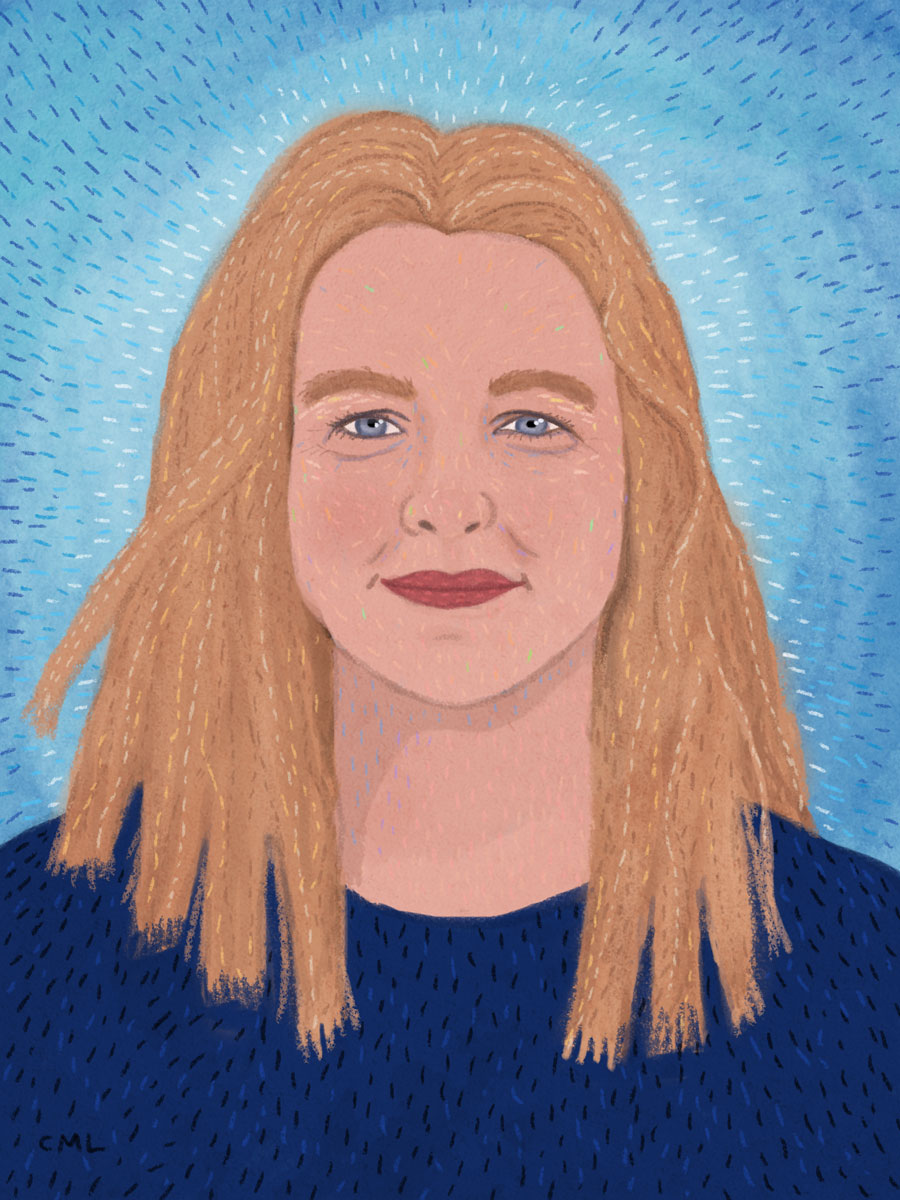
Pam Houston is appearing tomorrow, February 1st at 7:00pm, at the Elliott Bay Book Company.
She is always a lot of fun. Her readings are lively and audiences always come ready to laugh and cry and hoot and holler. Her writing advice is candid and often hilarious. Her Q&A sessions alone are reason enough to come out for one of her events. So why not turn up for this reading from her new memoir? At the very least, you’ll have a great time. And that’s not nothin’.
Thursday Comics Hangover: From marvels to wonders
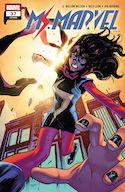
Yesterday, two comics from Seattle writer G. Willow Wilson landed in comics shops — one issue from near the end of a celebrated run on a superhero title, and one issue from the beginning of a promising new run.
It's kind of unbelievable that Wilson is just one issue away from being done with Ms. Marvel, the successful superhero she created for Marvel Comics five years ago. The character feels inseparable from Wilson at an atomic level — other writers have handled her well, but she always sounds slightly off, like a guitar with a too-loose string.
Issue 37 of Ms. Marvel, Wilson's penultimate issue, is a self-contained story that celebrates everything great about the character: she's a member of a community, and a sister, and a daughter, and she's best when she stays a friendly neighborhood hero. It's a fun issue with some physical comedy and action and some drama and superheroics — the formula that has made Ms. Marvel such a standout for the whole of Wilson's run. (If you need a primer, I've written at length about this series before.)
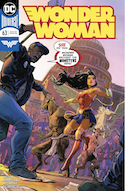
Wilson has been writing Wonder Woman at DC Comics for several months now, and while her first story on the title was an entertaining Wonder Woman story, it didn't exactly feel like a G. Willow Wilson Wonder Woman story. The plot involved Ares the God of War — probably not coincidentally, the villain in the first Wonder Woman movie — and it involved all the usual Wonder Woman characters and situation.
Wonder Woman 63, though, feels like the unofficial true first issue of Wilson's tenure. It's about a minotaur, a pegasus, and a satyr who are trying to fit in to ordinary human life in Washington DC. Wonder Woman appears briefly in the issue, but she's not the focus. It's a story about some profoundly weird people — I use the term loosely — doing their best to hold it together in extreme circumstances, and it's entirely delightful.
"There are elections coming up," a customs agent tells the magical creatures in the beginning of the issue as they try to enter the United States. "People are nervous." For the rest of the comic, they try to find a place in the world, to varying levels of success. Wonder Woman pops in to establish order and to encourage the trio. Like this week's issue of Ms. Marvel, there's no villain — but you won't miss the lack of antagonist in either book.
Hopefully, Wilson continues down this avenue for the rest of her time on Wonder Woman. By placing the fantastic charms of mythology directly up against the mundanity of ordering food in a restaurant, she can examine the themes that make all of Wilson's work so interesting: faith, and friendship, and what it means to be a good person in the world. These are questions that come up again and again in comics, and it's such a relief to know that Wilson is not done searching for the answers.
Book News Roundup: Are you Seattle's next Civic Poet?
Do you have what it takes to be Seattle's next Civic Poet? This is a pretty great position that serves as a kind of ambassador from the nation of poetry to the city of Seattle — reading at civic events and working to promote Seattle's amazing poetry scene. If you're a local poet with "an established body of work including published works, reading/spoken word and project planning experience with skills in racial equity practices," this could be the gig for you. Apply by April 24th.
At Crosscut, Agueda Pacheco Flores interviewed the outgoing founding co-directors of Book-It Theatre:
The company’s trademarked and signature approach to theater, known as the Book-It Style, was developed by Jones and Platt. The style adapts full-length novels into theatrical works, but preserves the author’s original narrative text and dialogue.
John Darnielle of the Mountain Goats performed a set at Wizards of the Coast's Renton headquarters earlier this week. It's the first event in a rollout of a new Dungeons & Dragons-themed album titled In League with Dragons from the Mountain Goats. (WotC purchased D&D around the turn of the century; here's a fascinating writeup about the purchase.)
I can't quite believe that Spiegel & Grau, which published Ta-Nehisi Coates's Between the World and Me and last year's Christmas bestseller The Beastie Boys Book, is gone. They published one of the best-selling books to be published last year, but Penguin Random House has to cut imprints because they're simply way too big. Corporate mergers are terrible.
A call for submissions to save our school librarians
Have you heard that Seattle Public Schools is responding to a budget deficit by cutting some school librarians to part-time? It's true, and we'll be reporting more on this soon. But for now, here's something you and you child can do to help: Librarians and friends of librarians are putting together a zine to "archiv[e] the impact of school libraries in Seattle Public Schools." So if you have any work that explains what school libraries mean to you — from poetry to comics to letters and beyond — please send it to spslibraryloveletters@gmail.com by February 4th. Once you've done that, please stay tuned for more on this story.
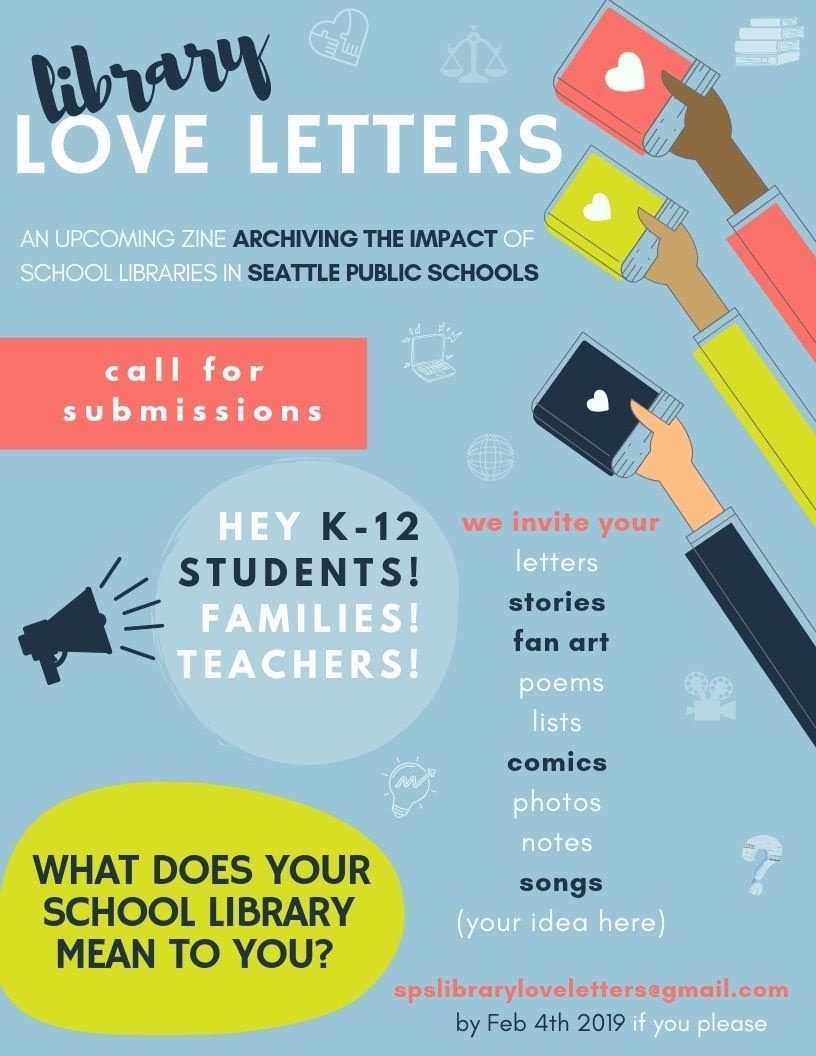
The judging is the hardest part
Every time I've been called to judge a literary competition of any sort - a contest, say, or a grant — I am immediately paralyzed. Judging reminds me that everything is relative, that quality is in the eye of the beholder, and that I am wholly unqualified to choose one person's work over another. The responsibility of it all is too much: maybe this acceptance letter will change a writer's life for good, maybe this rejection will convince this writer to give up forever, maybe the person I'm choosing is actually bad at writing and will embarrass the city and it will ultimately be all my fault.
Every year, the Jack Straw Cultural Center chooses one writer to select a dozen Seattle writers to take part in the Jack Straw Writers Program. This is a big deal for the chosen writers: Jack Straw helps them learn how to better read their work aloud, both in live and recorded contexts. It gives them a platform to read their work in showcases around the city and the state. They collaborate with groups like Folklife and Bushwick Book Club to present new work in exciting ways. Their work will be collected into anthologies produced just for the program. And it introduces them to a peer group of writers — many of whom will become close friends and collaborators.
Being in Jack Straw has changed the lives of dozens of writers: given them confidence, helped them make connections, and taught them how to present their work to new audiences.
Poet Kathleen Flenniken is Jack Straw's 2019 Writer Program Curator. When I ask her on the phone how she dealt with the stress of selecting her 12 writers, she laughs knowingly. Flenniken has been on the board at Jack Straw for a dozen or so years, and she had always known that one day she would be called to curate the Jack Straw Writers Program.
Flenniken says former Jack Straw curators "Karen Finneyfrock and Daemond Arrindell had told me how hard it was to get to 12. And I've done some other judging, so I know how hard it is." She laughs again, "and it was every bit as hard as I feared it would be."
When she first got all the applications for the programs the difficulty of the task really sunk in for Flenniken. "I could very, very happily have chosen twice as many writers," she says. "There weren't a huge number of applications, but the quality of the applications were so high. It's both encouraging and sort of horrible at the same time."
When she's staring down the applications, she says, "I'm questioning my own motives." It's not a blind selection process, and in many ways knowing some of the applicants made it even harder for her. "You're encouraged to choose whoever you want in your cohort," Flenniken says, "and I knew I wanted to have a mix of writers that I knew and writers I didn't know. It was just sort of finding the right balance."
There was also personal drama to take into account, and sometimes the selection process was like planning the seating arrangements at a wedding: "Maybe I knew too much about a certain person's relationship to another person. I can go down this rabbit hole very easily where I'm worrying about relationships among writers, and of course I want my group to all get along."
Flenniken also had to go outside her comfort zone as a reader and writer of poetry. "Jack Straw is open to writers of all genres. Probably because I am a poet, I received majority poetry applications, but I wanted to make sure to include prose writers. I tried to create 'company' for every writer, which is a little like matchmaking — I’m not sure if it will work, but I hope it will."
Eventually, Flenniken laughs, Jack Straw staff "asked me to please just lay that aside and just choose the writers that I think would work together as a group and who would benefit most from the program."
Flenniken was a Jack Straw Writer more than fifteen years ago, and she applied multiple times before she was selected. That helped her remember that she wasn't rejecting applicants forever, that next year a different curator was going to select writers with a completely different set of criteria in mind. And Flenniken supplied personal notes with some of the rejections, asking people to "please apply next year," or "please apply for the Artist Support Program because there are two parallel programs and sometimes people apply to the wrong program and they just need to be pointed in the right direction."
After she finally nailed down the final dozen, she says, "it was still really difficult. It was traumatizing for a few days after."
The 2019 Jack Straw Writers that Flenniken settled on are Samar Abulhassan, Dianne Aprile, Josh Axelrad, Christianne Balk, Gabrielle Bates, Leanne Dunic, Shankar Narayan, Sylvia Byrne Pollack, Rena Priest, Putsata Reang, Michael Schmeltzer, and Suzanne Warren.
Flenniken is proud of all of the writers, and she can gush at length about all of them. In the deliberation process, she's become an expert in what makes them interesting and noteworthy as artists. She was surprised by Josh Axelrad, who previously published a non-fiction book but submitted a short story for the program. "I had a sort of emotional reaction to it and I felt personally implicated in the story — even kind of mad at the story — and then there's a twist at the end. I read it and put it aside," she says. "But then I kept thinking about it and then I went back and I reread the story and I had a different take on it the second time. It was just really well done. So he was a discovery for me."
Flenniken was also surprised by the "wonderful dark sense of humor" in Suzanne Warren's story submission, and by Rena Priest, "whose poems are so incredibly musical and really interesting — sort of mythological."
For the next year, Flenniken will mentor these writers, offer support for them, and cheer them on as they take their writing to exciting new places. While she has plenty of experience teaching elementary school students through Writers in the Schools, Flenniken says "I don't usually have that role with adult writers. So this does feel like a pat on the back or a mark of trust, to be put in this role."
The hardest part — the selection process — is over. Now it's time for Flenniken and her Jack Straw Writers to learn and grow and build a community — and most of all, to write.
Hillbilly goes Hollywood
By far the worst book we've read at Reading Through It, the current-events book club that the Seattle Review of Books hosts at Third Place Books Seward Park, is the first book we covered: JD Vance's Hillbilly Elegy. The book was passed from liberal hand to hand in the days after Trump's election as some sort of a Rosetta Stone for the red states.
But the truth is that Hillbilly Elegy is just another con job — a fantasia used to promote the same sharklike conservative agenda of 'personal responsibility' that's been the Republican Party's stock in trade since at least the Reagan administration.
So of course Hollywood fell for it. Netflix is paying forty five million dollars (!) for a Ron Howard-helmed (!!) film adaptation of Hillbilly Elegy (!!!). We're doomed to hear about this shitty book in some form or another for the rest of our lives, people.
Hark
Published January 29, 2019, at 12:00pm
If you love to read, you likely have a list of authors whose books you will absolutely buy the minute they're published. Here's why Sam Lipsyte should be on your list of must-reads.
While Reciting Robert Hayden
(Side-scroll to see full lines, if they appear cut-off)
While reciting Robert Hayden whose father got up early in the blueblack cold,
to the fifth grade, an announcement. Lockdown, the secretary says, then repeats it
like she doesn’t believe herself. Pink sneakers tuck under tables, followed by little
combat boots. When the teacher turns the blinds I sink down wondering where
to put my hands. The classroom door is before me; behind it stands the gunman.
In his brain, a red pearl has formed around an itch of sand. Between us, twenty
children poke each other’s sides trying not to giggle. Their beds are filled with
elephants and missing socks. I make thirty dollars an hour teaching them.I prepare myself because who wouldn’t try to save even the cruelest boy,
the one who hates the women teachers, plays pistol with his finger and keeps me
always in his sights? You are nothing, he whispers when I pick up the chalk.The door wrenches from its frame. It is filled with a man the size of all the places
I want to hide. Of course it’s the principal saying good job like we all did our math
homework. Good job staying quiet and small while a flinty beast snorted outside,
gnashing teeth and seething, but not today making news.
Little hands straighten sweaters and rearrange pencil cases as I complete my lesson
on fathers raising sons, on the austere and lonely offices of love.
Write Here Write Now is back!
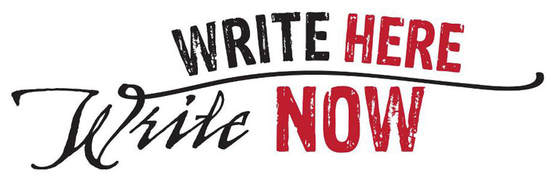
A special thank-you to Seattle7Writers for sponsoring this week and for six months of support of the site. Thank you, Seattle7, even more for everything you do to enrich Seattle's literary community!
And thank you to Hugo House, for adopting one of Seattle7Writers' signature programs: Write Here Write Now. Write Here Write Now is one of a kind. The one-day event brings together a hundred writers (or more!) of all skill levels for eight hours of mini-workshops, one-on-one conferences with established talent, and the writing equivalent of interval training — short, focused bursts of concentrated writing.
It would have been a shame to see it go. But instead, thanks to Hugo House, we're celebrating its renewal. April 14 is the first Write Here Write now in its new home (which also happens to be Hugo House's new home). Find out more on our sponsor feature page. Don't miss this chance to be part of a new tradition.
Want to hear how much we love you? You can sponsor us, just like Seattle7Writers. Well, nobody's like Seattle7Writers — but you can sponsor us just like you. If you have a book, event, or opportunity you’d like to get in front of our readers, reserve your dates now.
Your Week in Readings: The best literary events from January 28th - February 3rd
Monday, January 28: To Keep the Sun Alive Reading
Rabeah Ghaffari's novel is set just before the Iranian Revolution, in a country wracked with arguments over religion and politics. Can a family stay together, even as a nation falls apart? Elliott Bay Book Company, 1521 10th Ave, 624-6600, http://elliottbaybook.com, 7 pm, free.
Tuesday, January 29: Last Boat Out of Shanghai Reading
Helen Zia's latest book is subtitled The Epic Story of the Chinese Who Fled Mao's Revolution. It's a work of journalism tracking four people who escaped from Shanghai and forged new lives elsewhere. Elliott Bay Book Company, 1521 10th Ave, 624-6600, http://elliottbaybook.com, 7 pm, free.Wednesday, January 30: Murray Morgan, Master Storyteller of the Pacific Northwest
See our Event of the Week column for more details. Folio: The Seattle Atheneum, Pike Place Market, 93 Pike St #307, http://www.folioseattle.org, 7 pm, $10.
Thursday, January 31: Papeachu Review Release Party
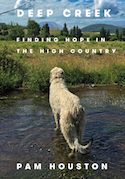
Contributors to the first issue of Papeachu Review, "a bi-annual literary journal of female and enby creations," will read their pieces from the magazine and talk about what the journal means to them. Copies of Papeachu Review will be available for sale. Vermillion Art Gallery and Bar, 1508 11th Ave., 709-9797, https://www.facebook.com/events/2160915713961071/, 7 pm, free.
Friday, February 1: Deep Creek Reading
Pam Houston is always a lot of fun. Her readings are lively and audiences always come ready to laugh and cry and hoot and holler. Her writing advice is candid and often hilarious. Her Q&A sessions alone are reason enough to come out for one of her events. So why not turn up for this reading from her new memoir? At the very least, you'll have a great time. And that's not nothin'.
Elliott Bay Book Company, 1521 10th Ave, 624-6600, http://elliottbaybook.com, 7 pm, free.
Saturday, February 2: Martin and Bobby Reading
At this event for a book tracking the contentious relationship between Bobby Kennedy and Martin Luther King, Jr, student activists will talk about the legacy of the two men and why it still reverberates in the world of politics today. Third Place Books Lake Forest Park, 17171 Bothell Way NE, 366-3333, http://thirdplacebooks.com, pm, free.
Sunday, February 3: American Prophets Reading
Local poetry expert Paul Nelson, who is a founder of SPLAB and the Cascadia Poetry Festival, reads from his newest book. It's titled American Prophets: Interviews with Thinkers, Activists, Poets & Visionaries. Elliott Bay Book Company, 1521 10th Ave, 624-6600, http://elliottbaybook.com, 3 pm, free.
Literary Event of the Week: Skid Road discussion at Folio
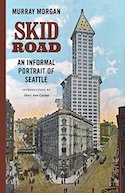
When I moved to Seattle in the year 2000, the very first book I bought and read was Murray Morgan's Skid Road. Subtitled An Informal Portrait of Seattle, Skid Road is a history of Seattle with all the boring parts left out. Morgan understood what people want to read in their history books: the sex, the scams, the vainglorious assholes who look at a plot of land that belongs to someone else and decides to stick a city there.
Skid Road is a source code for everything that happened in Seattle after the white men showed up and fucked over the native population. Tim Egan said that "no one has written a better book about Seattle," and that "Skid Road has our soul down cold. I see no lie in that statement.
Even now, with our shiny glass towers and our unspeakably wealthy population, the grift is still on here: you can see the dumb machismo and stake-claiming bloviation in the Amazon Spheres, which push a testicular energy toward any who'd try to take South Lake Union away from Jeff Bezos.
This Wednesday in the Pike Place Market, Folio will be hosting a conversation about Skid Road and it's legacy. Seattle book reviewer Mary Ann Gwinn, who wrote the introduction to the latest edition of Skid Road, will be joined by Morgan's daughter Lane Morgan and Seattle novelist Jim Lynch to talk about how Skid Road had the city down cold from its publication in 1951.
Folio: The Seattle Atheneum, Pike Place Market, 93 Pike St #307, http://www.folioseattle.org, 7 pm, $10.
The Sunday Post for January 27, 2019
Each week, the Sunday Post highlights a few articles we enjoyed this week, good for consumption over a cup of coffee (or tea, if that's your pleasure). Settle in for a while; we saved you a seat. You can also look through the archives.
A Labyrinth in the Shape of a Book
In a new take on "lose yourself in a books," Reina Hardy remembers a terrifying choose-your-own adventure called The Maze. Surreal and sinister, part puzzle room, part clickbait, the book sounds transfixing. And Hardy's essay, which mimics the looping, confounding style of the classic genre, is as well.
Room 24 was terrifying. And yet, it was also a release. There were no more doors to open, no more secrets to chase. There was no more reason to try. Perhaps the sensible thing to do, when you reach Room 24, is to admit defeat and lie down in the darkness.
The Bulletproof Coffee Founder Has Spent $1 Million in His Quest to Live to 180
Dave Asprey founded an empire around the idea that a pat of butter makes coffee not just tasty, but healthy. (Or should that be "not just healthy, but tasty"? I'm not sure which is more implausible.) His new aspiration: crash-test his body with stem-cell infusions, ice baths, and smart drugs. This is a bit of a train wreck, and I'm trying to find value beyond the fact that I can't look away from Asprey's glossy, glassy grin. Hmm. Nope. It's just pure voyeurism. Enjoy!
Ten days before I met him at his home in British Columbia, Dave Asprey went to a clinic in Park City, Utah, where a surgeon harvested half a liter of bone marrow from his hips, filtered out the stem cells, and injected them into every joint in his body. He then threaded a cannula along Asprey’s spinal column and injected stem cells inside his spinal cord and into his cerebral fluid. “And then they did all the cosmetic stuff,” Asprey told me. “Hey, I’m unconscious, you’ve got extra stem cells — put ’em everywhere!” Everywhere meaning his scalp, to make his hair more abundant and lustrous; his face, to smooth out wrinkles; and his “male organs,” for — well, I’ll leave that part up to your imagination.
The Radical Organizing That Paved the Way for LA’s Teachers’ Strike
Every article Sarah Jaffe writes is a master class in effective activism. This piece, which dissects how school teachers in Los Angeles fought against ongoing funding cuts, is both hopeful and daunting. As Seattle faces its own cuts in funding for schools, are we prepared to mount an equal defense? I'd like to think so. We're not a city starved of resources, after all. We're a city starving itself.
That has meant using the union’s foundation arm to give funds to DACA recipients to renew their papers. It has meant pushing back in bargaining on “random” searches of students on campus. And it has meant calling for the district to establish an immigrant-defense fund to support families threatened by Trumpism. Even the school-funding question, Caputo-Pearl says, needs to be seen through an understanding of institutional racism. California, he notes, used to rank among the states in the nation with the highest per-pupil funding. But as the proportion of nonwhite students in the public schools increased, tax revolts ensured the schools would be starved, and politicians began to cut back further. Now, California ranks 43rd in the nation — this despite the vast wealth that literally looms over the school district in the forms of millionaires’ homes in the hills and studio buildings downtown.
Whatcha Reading, Aaron Bagley?
Every week we ask an interesting figure what they're digging into. Have ideas who we should reach out to? Let it fly: info@seattlereviewofbooks.com. Want to read more? Check out the archives.
Aaron Bagley is an artist, illustrator, writer, and bookseller. You may recognize his name from his weekly Seattle Review of Books comic Aaron Bagley's Dream Comics. He's the co-author, with his wife Jessixa Bagley, of the children's book Vincent Comes Home. Aaron and Jessixa will be signing books today at 2:30pm, at the American Library Association Seattle (that's at the Convention Center, but if you're attending, you probably already knew that). Find them inside at the SCWBI booth.

What are you reading now?
A while back someone dumped a bunch of zines at Mercer Street Books. I took home three Esther Pearl Watson zines with silkscreened covers. My favorite is Hero Land - a survey of superheroes’ daily lives - Wonder Woman’s invisible ship’s dirty windshield, Batman’s fat hand, and Superman’s pathetic, potted strawberries. Also took I Want You by Lisa Hanawalt, which is delightfully crass, and a Seinfeld fanzine by someone who goes by Uno Foto. In the introduction to the Seinfeld fanzine the first line states, “I’m probably the only brown person to be as obsessed with Seinfeld as I am”. Zines are the best.
What did you read last?
How to Change Your Mind by Michael Pollan, which is about the use of psychedelic drugs to help with addiction, depression, consciousness, dying, and transcendence. I started this last summer on the heels of a psilocybin trip. I didn’t plan to do research before reading this book, but it really helped my enjoyment of it. My main takeaway from How to Change Your Mind is that there will always be a stigma about psychedelics despite their authority to help people break out of unhealthy ‘default mode thinking’ - which is happens in depression, addiction, and dying. Funny thing - it took 377 pages before a mention of a ‘dud trip’. Needless to say, I laughed out loud on page 377.
What are you reading next?
Probably something to my son, Baxter. He’s only four but enjoys listening to a longer book. My wife is going through all of Roald Dahl’s classics with him. Anyway, after Baxter goes to bed I’d like to read some James Baldwin. I haven’t read Baldwin yet, I’m really looking forward to it.
The Help Desk: The unbearable shallowness of Twilight
Every Friday, Cienna Madrid offers solutions to life’s most vexing literary problems. Do you need a book recommendation to send your worst cousin on her birthday? Is it okay to read erotica on public transit? Cienna can help. Send your questions to advice@seattlereviewofbooks.com.
Dear Cienna,
This year is the 10th anniversary of the first Twilight movie, and I'm still furious at the way those books were mercilessly mocked by the media. Everyone snickered at the kissy-face vampire books, but now many of those same grown-ass adults (mostly men) are talking about the high quality and dense subtexts of superhero movies.
I don't mean to get too grandiose here, but I think that we're not going to resolve the issues of sexism that cause widespread harassment until we acknowledge that there's nothing wrong with romance novels. Or sexy vampire fantasies. Or romantic comedies.
When your culture giggles at teenage girls having feelings about Robert Pattinson, it makes sense that the same culture is going to misunderstand and mishandle female sexuality.
Cienna, have you read Twilight? Am I just making up an elaborate theory to justify my continuing frustration with the world?
Bella, Forks
Dear Bella,
Yes, I read the Twilight series and The Host, which was Stephenie Meyer's first post-vampire kissy novel. I had mixed feelings about Twilight. Meyer is masterful at capturing the obsessive fantasy of love that we're conditioned to think is grand – the kind of love that squeezes out hobbies and independent, platonic friendships and demands you carry a vampire fetus to full term because your life's purpose is to physically manifest a demonic symbol of your obsession with another individual. It's easy to get swept up in that (vampire fetus aside).
And you're right – there's nothing wrong with romance novels. They're great! Reciprocal love is desired by everyone on the planet and acknowledging that shouldn't be gendered. But I do have an issue with books that use love as a stand-in for identity, as I would argue Twilight does.
Twilight glorifies co-dependence – the characters are focused inward, on building and maintaining an exclusive love nest built for two and the tension/plot lines revolve around outside forces attempting to disrupt that status. I think it's lazy and boring. The Host is similarly constructed.
There are plenty of good romance novels that are more balanced. Pride and Prejudice and Crazy Rich Asians both do a superb job of using diverse characters – all with deep backstories – to contrast the dull pragmatism of marriage versus the glory of love.
I'm not a superhero expert but of the comics I've read and movies I've seen, the better ones feature characters that are grappling with themes of personal identity, alienation, illusions of grandeur, and how to navigate in society while saving the world – in other words, they are more outward- than inward-facing and don't use emotions as placeholders for personality (they use superpowers instead!). All of this gives readers more to latch on to and identify with.
What I'm saying, Bella, is that you're right – sexism exists and certainly is manifested in how our culture genders, mocks and glorifies genre fiction. But the Twilight series is a turd. I'm sorry to tell you, not even glitter can gussy up that log.
If you're in the market for less creepy romance writing, I'd suggest giving Tessa Dare and Courtney Milan a shot.
Kisses,
Cienna
2019 Orcas Island Lit Fest tickets now on sale
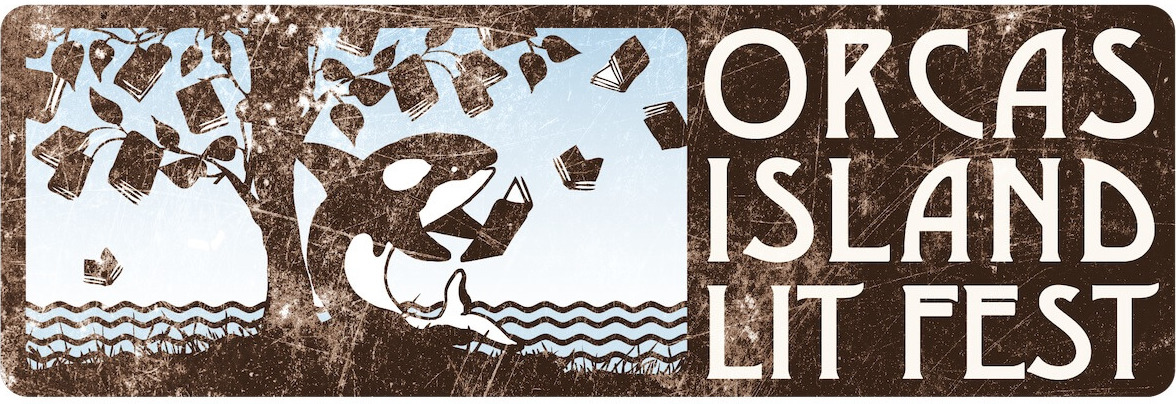
Tickets are now on sale for the Orcas Island Lit Fest, an all-ages literary festival featuring a host of local and national authors happening at the Orcas Center from April 5th through 7th. If you spring for a weekend pass, you'll also enjoy a host of discounts at lots of local Orcas Island bars, restaurants, hotels, and gyms.
You can read all about the Lit Fest on its website, but some of the authors include:
- Therese Marie Mailhot
- Nicola Griffith
- Judith Thurman
- Mat Johnson
- Eric Puchner
- Tom Barbash
- Rick Barot
- Kirsten “Kiwi” Smith
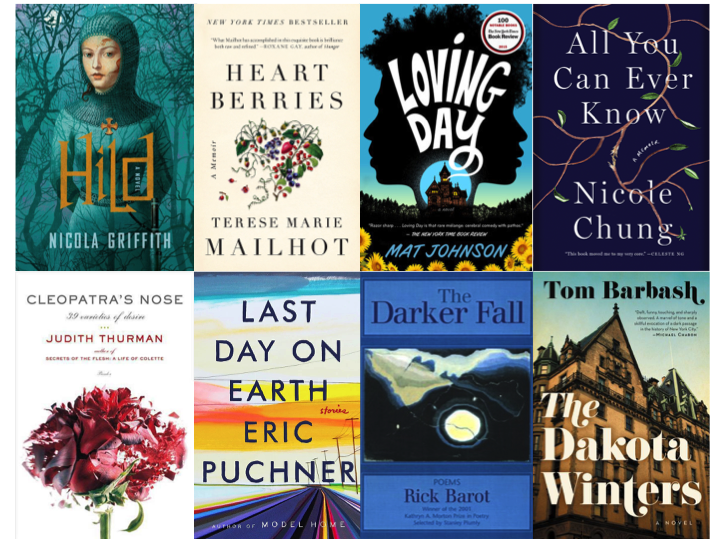
That's a mix of memoirists, poets, YA authors, sci-fi authors, and novelists — both bestsellers and critically acclaimed writers.
The Fest will include an opening-night literary walk including events all around Orcas Island's main village of Eastsound, a book fair, panels, readings, and a special event for kids at the local library.
Look: I've said before and I'll say again that Seattle doesn't need a literary festival. We've got more quality literary events going on on any given night than any human could possibly hope to attend. What we do need are literary festivals that celebrate this region and which provide access to great literature and brilliant authors in an intimate and supportive setting. In other words, we need more festivals like this one.
Portrait Gallery: Kristen Roupenian
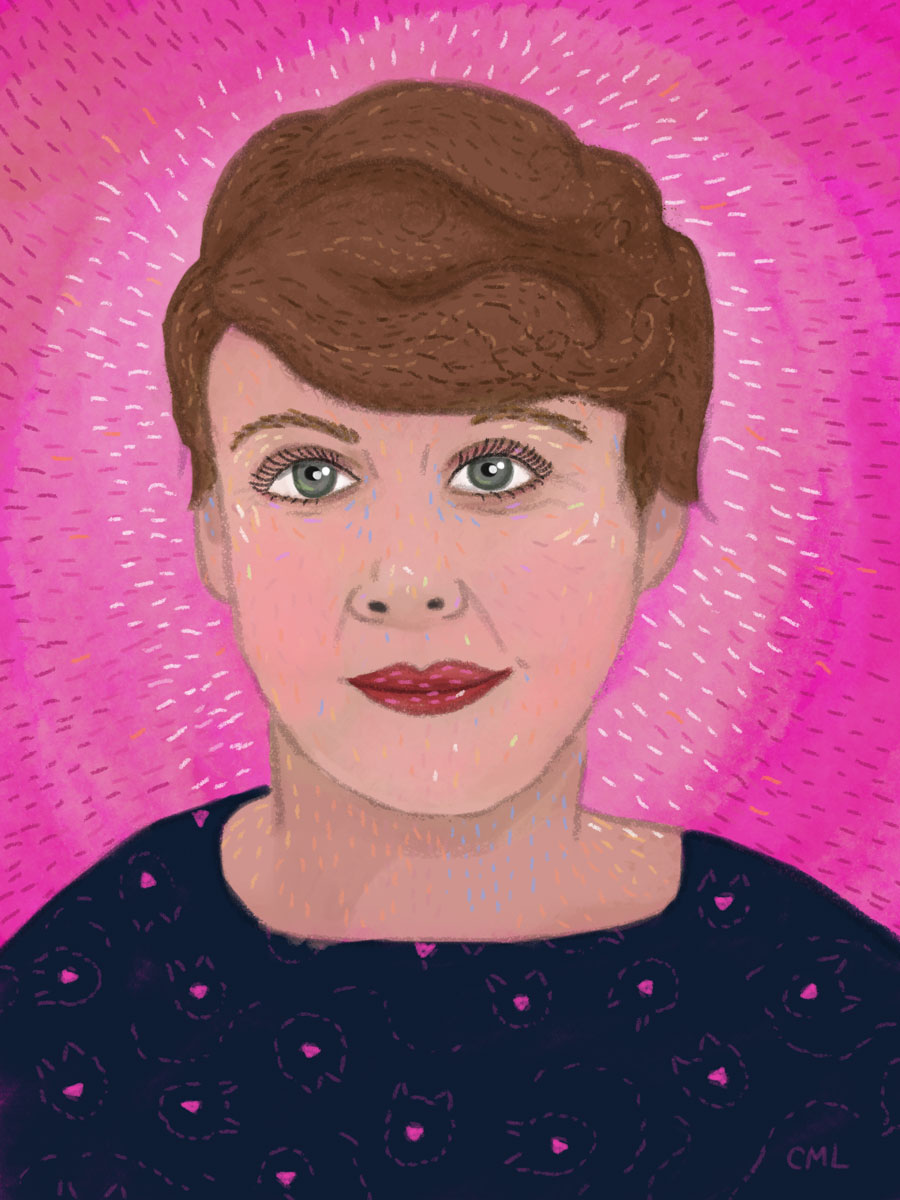
Author of the viral New Yorker story "Cat Person", Kristen Roupenian is appearing at the University Book Store tomorrow, January 25th, at 7pm to talk about her short story collection You Know You Want This.
Criminal Fiction: Invisible shivers running down my spine
Every month, Daneet Steffens uncovers the latest goings on in mystery, suspense, and crime fiction. See previous columns on the Criminal Fiction archive page
Happy New Year! Please enjoy this musical interlude, a video of Elvis Costello’s “Watching the Detectives” by the joyous Fun Lovin’ Crime Writers, belting it out at the Edinburgh International Book Festival in 2017.
And, closer to home, the ace Australian crime-fiction writer Jane Harper will be in conversation with Danya Kukafka at Third Place Books, Lake Forest, on February 5, marking the publication of her third thriller, The Lost Man.
Reading around: new titles on the crime fiction scene

A superior-court judge with a promisingly stellar career arc ahead of her, Juliana Brody finds her very existence rapidly coming off the rails after an ill-advised one-night stand in Judgment by Joseph Finder (Dutton). To term this thriller “twisty” is putting it mildly: a massive proportion of the pleasure here is reading rapidly along as a smart, feisty, refreshingly imperfect woman grimly holds on for dear life while riding an unexpected personal rollercoaster, digging deep to find personal strengths – shards of ruthless inner steel, really – she previously only guessed at. Finder’s narrative zips ahead at a steady clip, incorporating multiple contemporary zeitgeists in its slipstream.
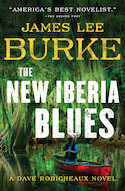
A tarot-card-inflected series of murders thrusts Robicheaux and Clete Purcel into the dark shadows of Hollywood illusions and creepy hitmen in James Lee Burke’s The New Iberia Blues (Simon & Schuster), a novel in which spirit worlds, the physical degradation of Louisiana, a plentiful bevy of dive bars, and the soulless evil behind money-laundering collide. Poet-philosopher-police detective Dave Robicheaux is in fine form here – his ruminations on himself, his friends and family, and the world around him are literary gold – and Burke, the poet-philosopher of American crime-writing, even more so.
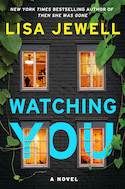
On a quiet Bristol street, in Lisa Jewell’s Watching You (Atria), there’s little privacy between neighbors, from the perfect fix-it-all headmaster and his on-the-spectrum son, to a happy-go-lucky young woman and a teenage girl caring for her mentally ill mother. When murder-most-gruesome takes place in one of their houses, the stage is set for an intriguing exploration of the who and the why. A master at unspooling tightly told tales, Jewell specializes in perfectly-pitched thrillers without sacrificing a drop of her characters’ complexities, secrets, and desires, and this latest one is no exception.
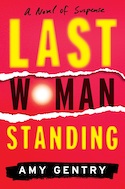
The stage is set for a wild Strangers-on-a-Train ride in Amy Gentry’s Last Woman Standing (Houghton Mifflin Harcourt), when Dana Diaz' and Amanda Dorn’s eyes meet across a crowded room: Dana is doing her stand-up routine on an Austin stage; Amanda is in the audience offering Dana a bit of friendly succor during a heckling moment. But while this “You scratch my back, I’ll scratch yours” plotline includes moments of delicious and perhaps appropriate revenge, all is not what it seems to be. Woven into the suspenseful narrative are elements of the #MeToo movement and the gig economy, as well a few familiar old chestnuts including the vagaries of friendship and lost loves, the heartbreak of deception, and the heart-stopping chill of insidious intents.
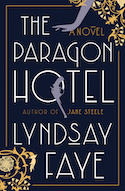
Lyndsay Faye’s The Paragon Hotel (Putnam) is a joyful tour-de-force, a crime novel that lunges from early 20th Century Manhattan, its neighborhoods in the grip of the Mafia, to 1921 Portland, Oregon, where the Ku Klux Klan are fomenting fear. Issues of race and drugs and sexism run rampant, as do manifestations of loyalty, friendship, and sheer, bloody-minded survival. Faye clearly relishes her work, wielding 100-year-old street vernacular as well as her richly delineated characters with an assured hand. All this, plus a nifty ode to the power of journalism as an active form of resistance: “….I wonder what a thousand Jennies, sitting at a thousand typewriters and punching millions upon millions of letters into straight columns, all those separate words in newspapers across the nation marching as one great force, might accomplish if given the means and the time.” Ace.
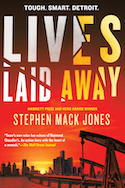
Ex-Detroit-cop August Octavio Snow is bent on the protecting the streets of his Mexicantown neighborhood in the terrific Lives Laid Away by Stephen Mack Jones (Soho). When a young undocumented immigrant – known to Snow’s activist neighbor and godmother – is pulled from the Detroit River, the stage is set for some fierce vigilante action as Snow and his friends take on ICE, as well as a clutch of unofficial criminal organizations including white supremacist groups (or, “neo-Nutsys,” as Snow calls them). FBI Special Agent Megan O’Donnell still has Snow’s back – and he still gets some less-willing support from the Detroit cop-shop – but his real support system consists of the men and women of the city’s streets, his friends, neighbors, and adopted colleagues – and a mouth-watering supply of delicious food and warming whisky.
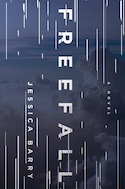
In the opening pages of Jessica Barry’s suspense-ridden Freefall (Harper), Allison Carpenter regains consciousness in the Colorado Rockies amidst the wreckage of a plane crash: she knows she must keep moving – while staying hidden – or risk certain death. Meanwhile, in Maine, her mother, Maggie, struggles to come to terms with the fact that her daughter has been reported dead. As the convoluted tale of the previous two years unfolds – what the hell was Allison doing in a tiny prop plane, anyway? – the recently-fraught relationship between mother and daughter proves to be the one thing holding each of them together.
The Quintessential Interview: Taylor Adams
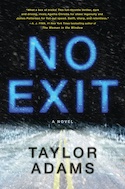
At a remote rest stop, in a blizzard, on her way to try to get to her dying mom’s bedside, Darby Thorne is forced to pull in out of the storm in Taylor Adams’ No Exit (William Morrow). It’s okay, though – there are four other stranded travelers there, so Darby isn’t alone. Trying fruitlessly to find a signal for her cell phone outside the building, Darby instead makes a most unwelcome discovery, and the thriller takes off from there. Relentlessly suspenseful and all-too-realistically gory in equal parts, No Exit is both impressively visual and impressively visceral.
What or who are your top five writing inspirations?
I'm fascinated by storytelling momentum – that driving, can't-stop intensity that catapults you into the next scene, and the next – so any novel that can give me that euphoric sensation is high on my list of inspirations. Film structure, too, is a great blueprint that I always keep in mind. Take the structural perfection of a movie like Die Hard, for example, for cultivating and maintaining that level of intensity. Aside from books and film, other inspirations that give me the "fuel" to put in the time writing every day are music, the encouragement of my family, and coffee. Definitely coffee.
Top five places to write?
#1 is my couch, if it's a weekend. And #2 is the Sounder train to work, if it's a weekday. And...that's it, actually. I stick to a pretty rigid schedule – two hours of writing a day, no excuses – and the real blessing of living a ways north of Seattle is that now I can get my writing done as part of my train commute to my day job! (And, come to think of it, I suppose writing place #3 would be my desk, at work, when no one is looking.)
Top five favorite authors?
This is a tough one. How about: Scott Smith (The Ruins is the most crushingly realistic look at human frailty under pressure I've ever read), Mark Danielewski (House of Leaves is utterly brilliant), Stephen Hunter (nobody writes vivid, dangerous, sit-up-and-pay-attention action scenes like he does), Gillian Flynn (prose sharp enough to cut yourself on), and lastly, I'm a HUGE fan of the little-known Stephen King.
Top five tunes to write to?
I love writing to film soundtracks – anything tense, dynamic, and emotionally charged – so trailer music often fits the bill. Of course, it all depends on the tone of what I'm working on, but some favorites right now include the soundtracks to Sunshine, Dunkirk, 28 Days Later, Annihilation, and "Don't Fear the Reaper" (Blue Öyster Cult) – yes, not a movie soundtrack, but for some reason I'm obsessed with it right now.
Top five hometown spots?
So although some of these aren't quite "hometown” specific, they're certainly a drivable distance from Seattle, and all fun destinations I can't recommend enough:
- Mount St. Helens: Challenging hiking, stunning geological history, and incredibly cool lava tubes to crawl through (headlamp required)
- Flying Heritage & Combat Armor Museum: An amazing collection of historic military aircraft and armor, and much of it still drives and flies. (The air shows are spectacular)
- Long Beach, WA: A relaxing beach town where I like to hide from my obligations and emails.
- The Reptile Zoo in Monroe: Even if you're not a fan of reptiles, where else can you see all 10 of the world's 10 deadliest snakes?
- Ruston Way Waterfront: A stunning waterfront in Tacoma with a paved trail for running. (Well, usually walking. I'm lazy).
Thursday Comics Hangover: A pair of orphans
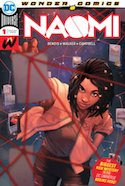
Two weeks ago, I gushed over the first issue of Brian Michael Bendis's Young Justice. Today, I'm gushing over the first issue of another book from Bendis's Wonder Comics line of superhero comics for young readers.
Naomi is the story of a young woman whole world is upended when Superman fights a bad guy in her small Oregon town. That superhero battle — just a handful of seconds in a planet-spanning fistfight with the villain Mongul — causes Naomi to start asking questions about her town. By the end of the issue, we don't have any answers, but it's clear that she's onto something big.
It's pretty clear that Bendis, who co-wrote the script with David F. Walker, is feeling reinvigorated from his recent move from Marvel to DC Comics. He's one of the best Superman writers of this generation — as in Bendis's other books, his Superman is kind and optimistic and trustworthy — and his Wonder Comics line offers a cheery and upward-facing look into the huge, ridiculous, complex world of DC Comics.
But as great as the writerly components are, Naomi wouldn't be the standout it is without Jamal Campbell's artwork. The polish and detail in every panel of Naomi rewards close investigation — you get the sense that Campbell has laid out every street of Naomi's town. Every detail in the art and colors, from the Pacific Northwest grey skies to the warm glow of a forest sunset, feels deeply considered and thoroughly impressive. I'm entirely on board for this one.

Much of Naomi's mystery centers around the title character's orphan status. Weirdly, it's not the only excellent first issue on the stands this week about a mysterious orphan. Gary Whitta and Darick Robertson's Oliver is a post-apocalyptic riff on Oliver Twist that is way better than that pitch sounds.
This isn't a slavish adaptation of the Dickens novel — more a series of echoes of the original text. A child is born in a militaristic camp full of hard-bitten men, and one of their number decides to take pity on him rather than turn him over to the authorities. (I saw a lot of children killed in the war, one of them says. Sometimes at night I still see them. I don't think I can be a part of that again.)
The book then flashes forward three years, to a young Oliver leaping through the streets of London with a strength and vitality that surprises even his adopted father.
If you've read Transmetropolitan, you don't need me to tell you that Darick Robertson is one of the best serialized comics artists working today. Robertson is the whole package: he can do action, facial expressions and body language, dialogue, and scene-setting with what looks like incredible ease.
Robertson is paired here with colorist Diego Rodriguez, who has cloaked the book in tans and browns and deep reds. It sounds limiting, but the book carries an atmospheric richness that saves the post-apocalyptic setting from feeling too depressing or claustrophobic.
I have no inside information on where Naomi or Oliver are going, but both books are off to phenomenal starts. Their central characters are inspirational, the worldbuilding is excellent, and the mysteries establish a sense of promise. I'm excited to follow both of these orphans on their adventures.
Mail Call for January 23, 2019
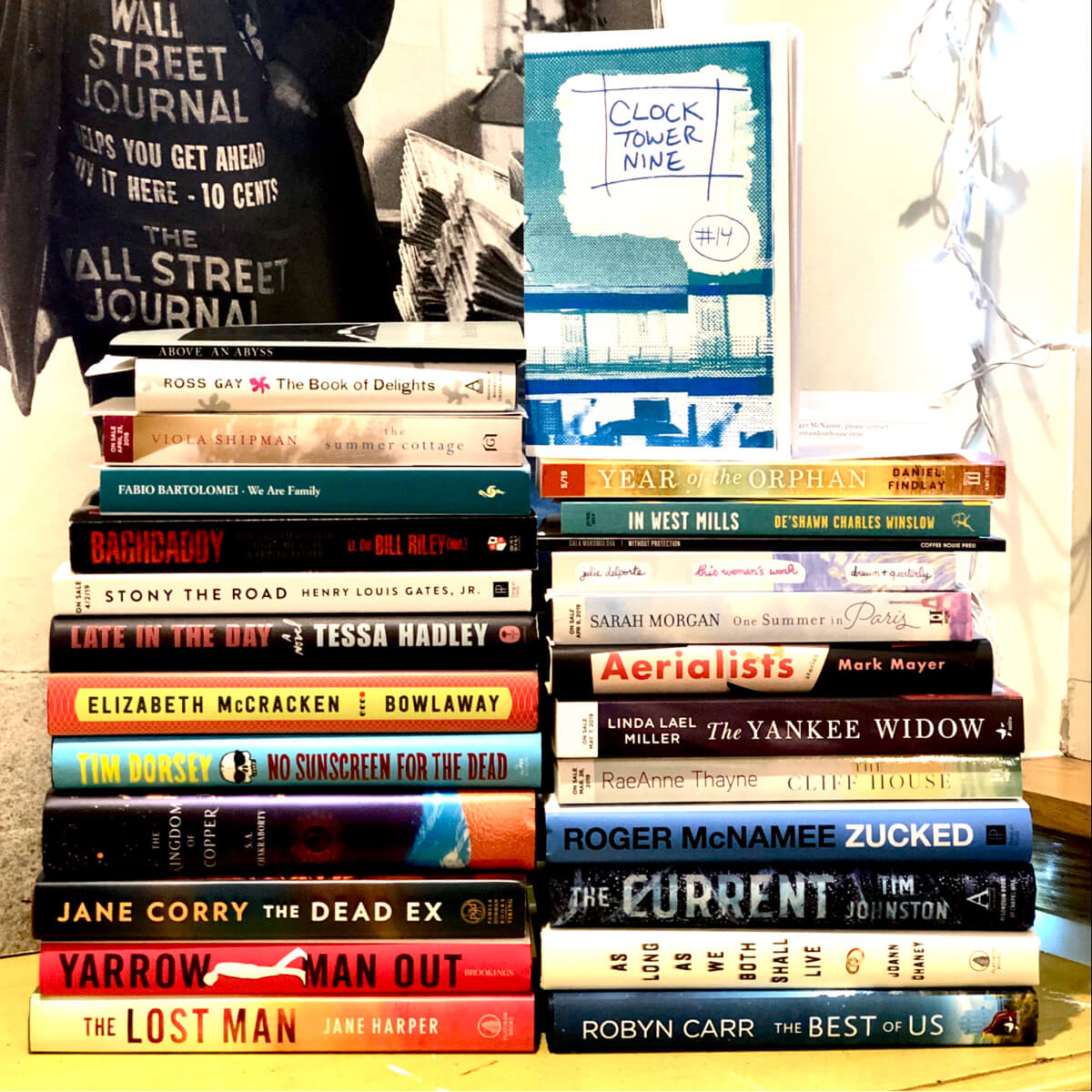
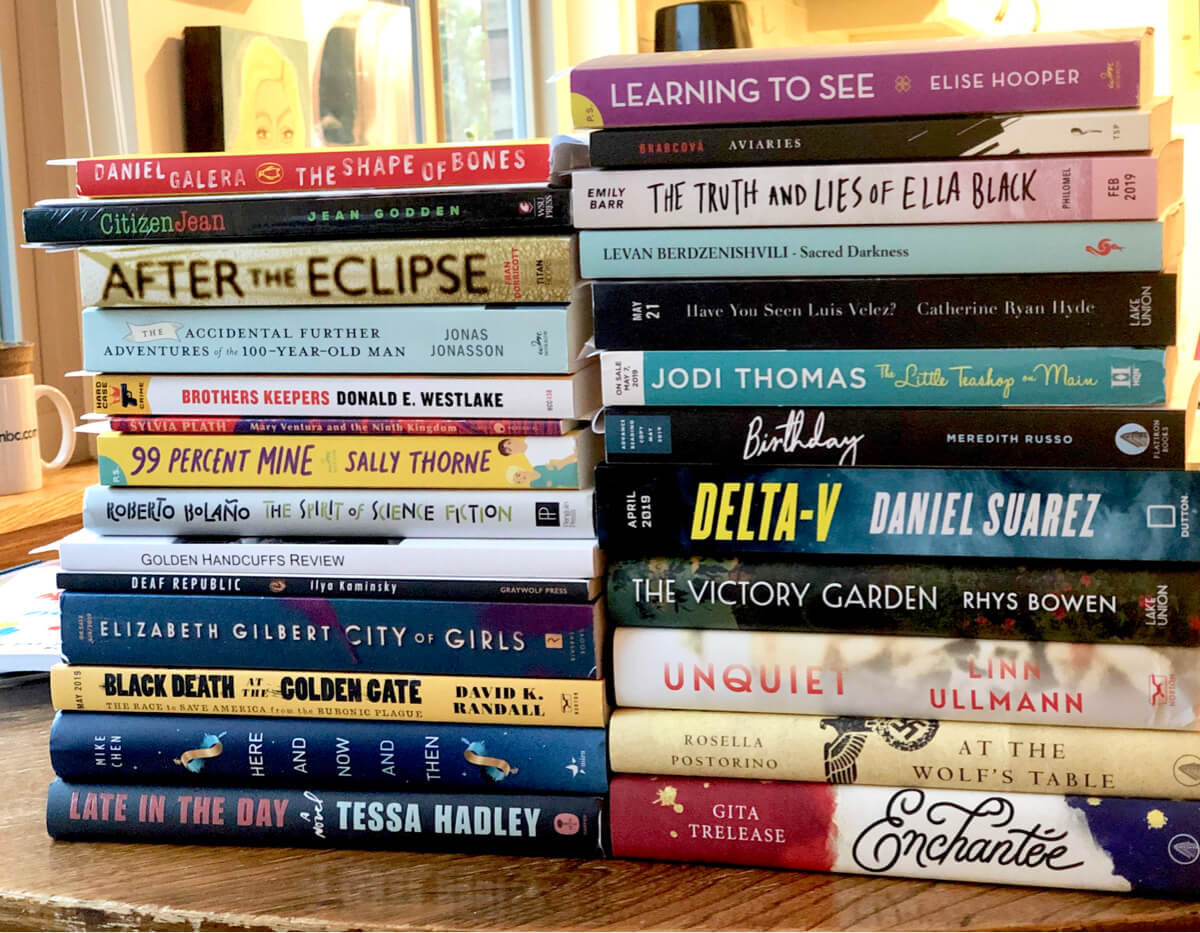
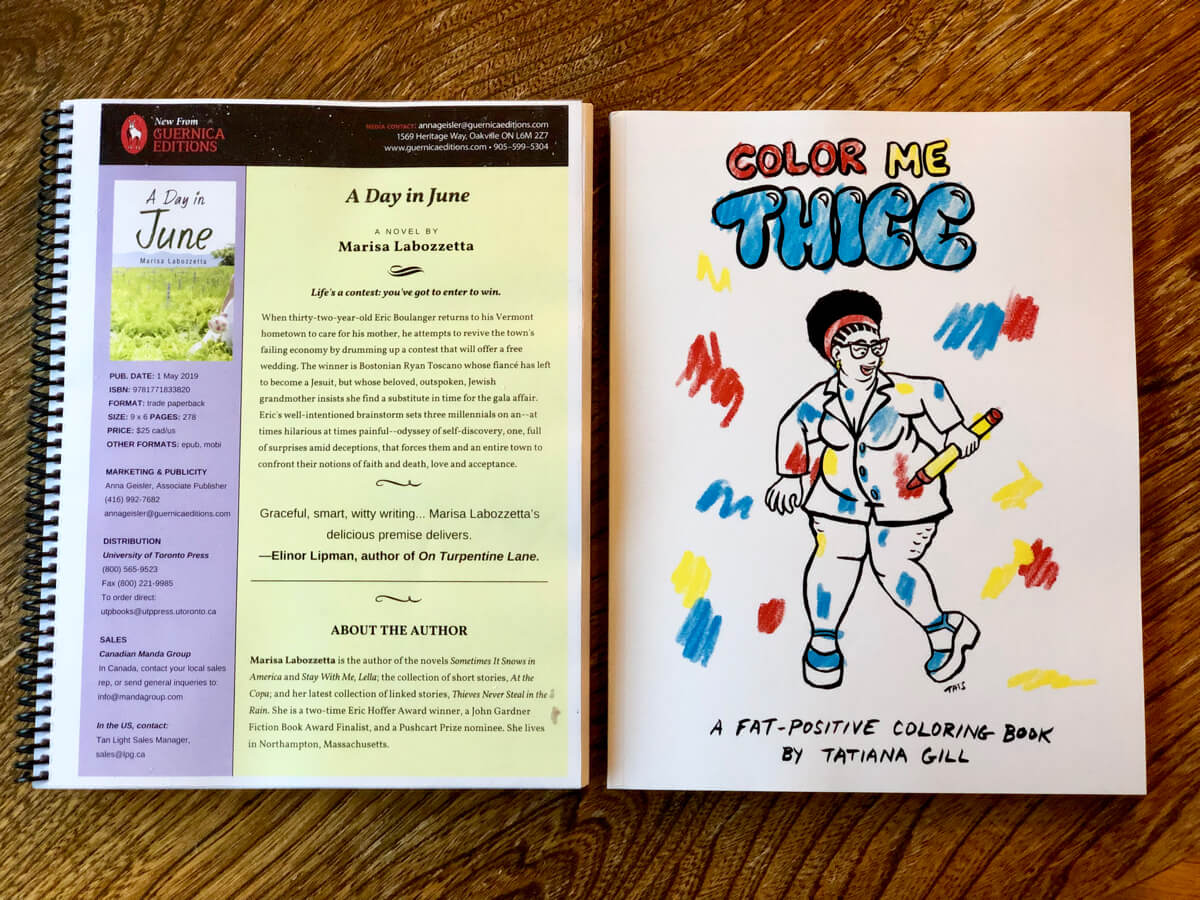
The Seattle Review of Books is currently accepting pitches for reviews. We’d love to hear from you — maybe on one of the books shown here, or another book you’re passionate about. Wondering what and how? Here’s what we’re looking for and how to pitch us.
Bookstores, authors affected by the government shutdown
Amelia Stymacks at Melville House reports that Washington DC bookstores have started to feel the effects of Donald Trump's Completely Unnecessary Government Shutdown™.
Kramerbooks spokeswoman Leah Frelinghuysen said the shutdown has resulted in a decline in “drop-in tourism as a result of the museums being closed” and “government contractors not traveling to D.C.”
Tom King (author of Vision and Mister Miracle) knows all about government work — he was employed by the CIA for almost ten years before he got into comics. He's been donating books to out-of-work employees and hosting special events for people affected by the shutdown. If you're an author, you might want to consider following King's lead.
Save our school libraries!
Ashley Gross writes at KNKX:
The Seattle school district has been warning for about a year that it faces a budget deficit in the 2019-20 school year. Now, the district has laid out its plans for making $39.7 million dollars’ worth of cuts, including removing assistant principals from some schools and reducing some librarians to part time.
A few years ago, I talked with Seattle-area school librarians about their jobs; they were already making do with very little. At what point do our local schools do away with libraries altogether? I don't think we're too far away from that right now.
Reminder: Two of the richest human beings on planet earth live in Washington state. This is unacceptable.
How Dujie Tahat is teaching himself to be a Seattle poet
"My entry into writing poems was through spoken word — through Youth Speaks Seattle," Dujie Tahat says. "The voice in my poetry is me, it's my voice, and so it needs to fit in my mouth."
Tahat, the Seattle Review of Books Poet in Residence for December, is trying to answer the thoroughly unfair question that I had just lobbed at him: basically, why are you so good at reading your own work?
I'd read Tahat's writing months before I saw him read his own work. (Full disclosure: Tahat and I worked together for over a year at Civic Ventures, where we collaborated on a number of political and economics messaging projects.) His writing is confessional and striking and lyrical, but seeing him read his own work is a revelation: he's an electric performer, one who knows how to keep a crowd hanging by their fingertips to every syllable.
"I think I was always relatively comfortable in front of crowds," Tahat begins again, "but I didn't necessarily pay attention to the craft." He practiced and watched other poets read and eventually he had a breakthrough: "A lot of people think of performing as a projection, right? I think of it as an opportunity to listen for a really long time."
Tahat's love affair with poetry goes back to childhood. "I always loved to write lyrically, and I always loved to write from the first-person perspective," he says. "My dad is Jordanian and my mom's Filipino, and I grew up in Japan. I learned a lot through moving and learning new languages." When Tahat's family finally moved to Yakima, he found himself an immigrant on the outside of the city's "half-Hispanic, half-white" racial makeup.
"There's always been a tension in my life," Tahat says. He says he's learned how to code-switch. "Even when I got to college, I was a biophysics major for a couple of years, and I worked as a corporate business consultant for several years."
Many of those early life choices came from a "rigorous need to check the boxes and do all the things that a good immigrant child does to make money and be successful." Until recently, he believed that need "seemed at odds with this impulse to write poems," an impulse that "I didn't really know how to articulate."
Last year, Tahat decided to put himself through a kind of literary MFA program of his own making. "I set a goal for myself to get 100 rejections" from literary magazines and programs, he says. He succeeded at that goal, but over the course of all those submissions, something wonderful happened: "I ended up with twenty-something acceptances."
Last year, Tahat was selected as a Jack Straw writer, which taught him even more about performing poetry, and he's currently a Made at Hugo fellow, which provides him with a peer group to work on a larger project over the course of a year. So you could say his MFA program is going pretty well. "My goal this year is not to get another hundred rejections," Tahat says, "but I'm certainly still interested in learning more."
As part of his quest to learn more, Tahat recently began co-hosting a podcast called The Poet Salon with Seattle writers Gabrielle Bates and Luther Hughes. Each episode is an enthusiastic conversation with a poet about their work, over alcoholic beverages created just for the poet. The first episode, with Lena Khalaf Tuffaha, is a generous and supportive conversation between poets who geek out over poetry.
Does he think of himself as a Seattle poet? "I guess I think of myself as a Washington state poet," he clarifies, then laughs. "It's sort of a silly distinction, maybe. But I grew up in Yakima, I went to college in Walla Walla, and then I moved here. Seattle definitely feels like home to me, but I think that in terms of my poems reflecting where I come from and what my experience has been, my experience is living in Washington state."
Even if Tahat isn't comfortable calling himself a Seattle poet, he's definitely representative of a new generation of younger Seattle poets — poets like Troy Osaki and Azura Tyabji who came up through the spoken-word scene and are now forging their own written tradition.
"People are reading and writing more poetry because we have created spaces outside of the more formal institutions," Tahat says. "To me, that's where the energy is. That's where the attention is. That's where you find poems that are more alive, more interesting."
So what can we expect from Tahat in the next year? "I'm writing a bunch of poems about code-switching," he says, though he's not sure if that's a whole project or just "a current theme" in his work. "My project for the Hugo House was originally about the census, but now it's a little bit broader. It's an erasure of the Constitution."
Tahat has been doing a lot of reading about erasures, and he's made several passes at finding a poem embedded inside the Constitution. "Over time I ended up doing several iterations, and my relationship to erasure changed the course of that process," he says.
But even as he continues to work on new projects, Tahat says the main goal is "how to grow in a more focused way. I think I'm certainly still a very baby poet, and I'm still sort of formulating and directing myself" toward the poet he knows he can be. "I'm pointing myself in that particular direction," he says."
Seattle Public Library to show off zine library on Friday
This Friday, January 25th, from 1:30 to 3:30 PM, the Central Library downtown is offering librarians who are in town for the American Library Association's Midwinter Conference a chance to check in with the ZAPP Zine Collection in an open house.
ZAPP, the Zine Archive and Publishing Project, was originally housed by the Richard Hugo House until the literary organization cut ties with the zine library before the House's years-long process of renovation. ZAPP's leadership staff tried to make a go of it as a free-standing nonprofit, but eventually Hugo House donated the entire collection to Seattle Public Library, which has very rarely shown off any of the zines to the public in the months since.
SPL librarians will be on hand at the open house to answer questions about ZAPP and the library's cataloguing of zines. If you're not a librarian and you'd like to visit ZAPP and get updated on the library's plans, I'd suggest contacting SPL and asking if you can stop by the open house, or otherwise set up an appointment.
Unlikable and unloved
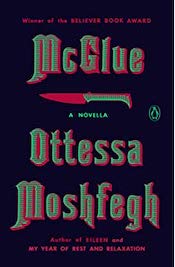
At the beginning of this year, Penguin re-released Otessa Moshfegh's debut novella McGlue. Though the book earned a certain level of fame when it was originally released by a small press in 2014 — it won a Believer Book Award, for one thing — this will likely be many readers' first encounter with McGlue. Moshfegh is now the famed author of the novels Eileen and My Year of Rest and Relaxation and she's developed a significant following.
Those readers are in for a treat, so long as they enjoy unlikable narrators. McGlue, the main character in McGlue, is a reprobate — an uncouth and hateful sailor who, even in the year 1851, is too uncivilized for the sailors he works with.
When McGlue opens, McGlue is in the hold for murder. He's told that in a drunken state he killed his best friend. McGlue is a drunk — he's almost never sober, in fact — and he thinks the charges are probably right.
This is a journey into the head of a very, very bad man. McGlue only feels comfortable when things are wrong. McGlue finds solace when his ship is being tossed at sea:
The ship tilts and rain spills in through the window onto the cot. I get up and drag the cot up against the door. This kind of dizzy makes sense when I walk. The piss and shit bucket I wedge in the corner. I'd like a smoke. I tip the cot to get the water off and lay back down. This is like high seas. The best part. I close my eyes, let the room spin.
Moshfegh juxtaposes McGlue's savagery against that of the world. Where he's being tried, in the town of Salem, Massachusetts, the witch trials have never truly been recognized as the horror that they are. Good men tortured and killed women in the name of religious fervor. But McGlue is unrepentant — in fact, when McGlue is violent and horny and hateful, he's enjoying himself. He's having the time of his life. That, to everyone around him, is the real crime.
Above the altar a wooden man hung magically bleeding, his head bowed and face hurt but not unhappy. That was God, they told me. But I knew that wasn't God. I had the feeling, like alone on the road at night, that there was something watching me, something waiting for me to falter, something just hidden in the shadows waiting to pounce. That was God.
I mean, he's not wrong.
McGlue is a remarkable voice in fiction, a repellant creature who charms with his complete lack of charm. Moshfegh somehow manages coax the reader into feeling some compassion for an unrepentant animal, without softening him one iota. It's some kind of magic trick.
If you like your misanthropic protagonists just a little bit more likable, I'd urge you to check out All Systems Red, the first book in Martha Wells's series of novellas, The Murderbot Diaries. The title character of the series, a security android on a deep-space science mission, accidentally gains awareness.
The Murderbot doesn't really like humans; it wants to watch television and be left alone. But it has some duties — a murderbot's work is never done — and it must keep the team of scientists from discovering that it has become self-aware.
Murderbot isn't as prickly as McGlue; you get the sense that if it found a place away from everyone, it would be perfectly happy to live life unmolested and unmolesting. But the two literary characters could be distant cousins — sailors, of a sort, sworn to perform their duties but failing to achieve even the barest requirements of what we understand it is to be human.
September, Lake Washington
The sun sets on the volleyball and the eagle
the plastic orange cooler and the crown of the fir tree
the air-filled floaties and the little girl wearing them
who cries when her mother tells her it’s time to go home.
Sneak a peek at VM Karren's The Deceit of Riches
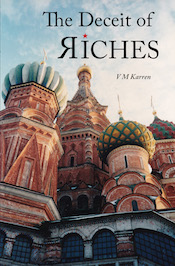
Thank you, VM Karren, for sponsoring this week! Karren has just published The Deceit of Riches, the first in a series of novels based in the former Soviet Union. American student Peter Turner, too brash to be afraid, is caught up in a web of avarice, lies, and danger. Based on Karren's personal experiences in the Russia of the 1990s, The Deceit of Riches terrifies as only a thriller rooted in reality can. Sample an excerpt on our sponsor feature page, then buy the book and let it transport you on the next dark and rainy day.
Sponsors like VM Karren make the
Seattle Review of Books possible. Did you know
you can sponsor us, too? If you have a book, event, or opportunity you’d like to get
in front of our readers,
reserve your dates now.
Your Week in Readings: The best literary events from January 21st - January 27th
Monday, January 21: The Dreamers Reading
Karen Thompson Walker's first novel, The Age of Miracles, established a large and eager fanbase. They've been waiting seven years for her sophomore novel, The Dreamers. It's about a sickness that pushes people into a deep sleep. Elliott Bay Book Company, 1521 10th Ave, 624-6600, http://elliottbaybook.com, 7 pm, free.
Tuesday, January 22: Learning to See Reading
Seattle writer Elise Hooper's latest novel is a fictionalized account of the life of photographer Dorothea Lange. Set during the Great Depression, the book recounts her experiences documenting poverty even as she struggled to support her own family. Elliott Bay Book Company, 1521 10th Ave, 624-6600, http://elliottbaybook.com, 7 pm, free.
Wednesday, January 23: It Will Be Loud
This is a social-justice themed open mic and storytelling event at the amazing nonprofit Beacon Hill space where The Station coffee shop used to be. Estelita’s Library, 2533 16th Ave S, 415-342-9009, 6:30 pm, https://www.facebook.com/pg/Estelitas-Library-Justice-Focused-Community-Bookstore-Library-213525645868594/events/, free.
Thursday, January 24: Literary Features at Northwest Film Forum
See our Event of the Week column for more details. Northwest Film Forum, 1515 12th Ave, https://nwfilmforum.org, 8 pm, $12.
Friday, January 25: You Know You Want This Reading
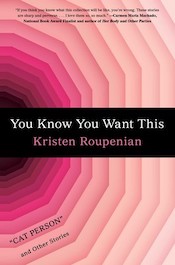
Kristen Roupenian's "Cat Person" was a viral short story published in the New Yorker a few years ago. Reactions to the story were divided along gender lines — young women were likely to find it to be true and moving, while older men were likely to consider it foolish and vapid. (As is usual, the young women were right.) Now, Roupenian tries to overcome the crushing expectations for her first short story collection, You Know You Want This. University Book Store, 4326 University Way N.E., 634-3400, http://www2.bookstore.washington.edu/, 7 pm, free.
Saturday, January 26: Chatwin Poets
Two poets published by Seattle's own Chatwin Press, Jessica Hornik and Rex Wilder, will read new work. Hornik writes poems about identity, while Wilder playfully employs rhyme and wordplay. The pairing of authors should be an interesting one. Arundel Books, 212 1st Ave S, https://www.arundelbooks.com/, 6 pm, free.
Sunday, January 27: The Far Field Reading
Madhuri Vijay's acclaimed first novel is about a young woman who leaves her family behind in Bangalore and heads out on her own, only to find that family secrets keep pulling her back. Elliott Bay Book Company, 1521 10th Ave, 624-6600, http://elliottbaybook.com, 7 pm, free.
Literary Event of the Week: Bookish events at Northwest Film Forum
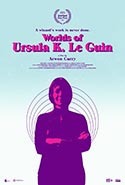
Capitol Hill cinemateque Northwest Film Forum's new Executive Director Vivian Hua and new Board President Raya Leary are bringing an array of new programming ideas to the nonprofit theater, including a number of literary events that are well worth your time. Honestly, it's a mystery why Seattle's movie theaters haven't embraced more bookish programming: books and movies have interacted for the entire history of film, and there's a lot of overlap between the kinds of people who attend readings and the sorts of folks who go out to movies on a weeknight.
This Thursday, January 24th, NWFF is hosting a pair of literary themed events. First up is Z-Sides, a literary variety show hosted by Seattle Lit Crawl head and Word Lit Zine publisher Jekeva Phillips. Featuring interdisciplinary art, games, prizes, and storytelling, Z-Sides promises to be more interactive — and more wide-ranging than your standard night at the bookstore.
On Thursday afternoon, too, NWFF presents the local debut of a new documentary about legendary Portland writer Ursula K. Le Guin. Made in full cooperation with Le Guin, who passed away last year, and her estate, Worlds of Ursula K. Le Guin serves as a biography, a tribute, and a critical journey into her major works.
Unlike many literary documentaries about 20th century writers, Worlds enjoys plenty of exclusive interviews with its subject. The Le Guin who is interviewed here is a titan at the end of her career — someone who lived long enough to get a sense of her own impact, someone who has come to terms with the ups and downs of her own career.
In Worlds, Le Guin does feminist critique on her own early books: "Why have I put men at the center" of these stories, she asks? Like her critics, she seems disappointed in herself for using the masculine article to describe characters in The Left Hand of Darkness. But she's just as willing to turn that critical bitterness on other subjects, too: "Ernest Hemingway was unjust and full of shit," a younger Le Guin excitedly announces in archival footage from a feminist sci-fi convention.
At just over an hour, Worlds doesn't overstay its welcome, only touching on the major works and providing wider context from an array of writers including Michael Chabon, Neil Gaiman, Samuel Delaney, David Mitchell, China Mieville, Vonda McIntyre, and Margaret Atwood. (It's a bit disappointing that the film has so many male voices in it; while the men speak lovingly and knowingly about Le Guin's body of work, it would be more thematically rewarding to hear from women who were inspired by Le Guin's career.)
In order to keep up some kind of visual excitement, the filmmakers present scenes from Le Guin's major books in lo-fi animated sequences. Some of the more expressionistic sequences are beautiful and moody adaptations of the work. The more literal animations suffer from a lack of budget, and a few sequences — particularly a scene of violence toward the end of the film — are almost laughably bad.
But don't let those quibbles divert you from seeing Worlds. The film is performing an important service by contextualizing the whole of Le Guin's career and placing her within a pantheon of important American artists. It's a loving portrait of an artist who, happily, lived long enough to see herself celebrated as the legend she was. Now it's up to the fans to make sure that legend lives on for generations to come.
Z-Sides: Northwest Film Forum, 1515 12th Ave, https://nwfilmforum.org, 8 pm, $12.
Worlds of Ursula K. Le Guin plays at Northwest Film Forum from Thursday, January 24th through February 1st. Direction Arwen Curry will be in attendance on the 24th.
The Sunday Post for January 20, 2019
Each week, the Sunday Post highlights a few articles we enjoyed this week, good for consumption over a cup of coffee (or tea, if that's your pleasure). Settle in for a while; we saved you a seat. You can also look through the archives.
In the Shadow of the CMS
This is a splendid history of/future of piece on content management systems. These systems, which are the entry point and the delivery vehicle for the words and images you read online, have a powerful and mostly invisible influence on what you read and see, and the spirit in which they are designed haunts everything promoted by them. Kyle Chayka gives us a brief history of the CMS and its impact on everything from fake news to social media to the scourge of digital advertising.
The clean, glossy surface of content against the vacuum of white digital space encourages you, the reader, to forget about the CMS, rendering it invisible. But the machine is still there, humming in the background—serving up stories and ads, maybe charging you once a month, and feeding your consumption habits back to publications or brands. The most disruptive thing we can do is to be aware of the technology and understand how it shapes the business of media.
The Year in Chores
With the new year fervor safely behind us, it’s easier to appreciate the best of the annual flood of reminiscence, self-reflection, and remorse. Here’s a great one by Rachel Khong (author of Goodbye, Vitamin) on the meaninglessness and meaningfulness of the petty tasks of daily life.
This year I washed out the sponge-y filter in my vacuum for the first time! I’d never known this was a thing you should do until I Googled it. I washed it with soap and water and watched the water run out when I squeezed it, blackened. Once, tiredly, doing a load of laundry, I forgot the detergent. It seemed like every other week I was scooping molding hummus and salsa from out of their tubs, and rinsing the tubs, and putting them in the recycling bin. The mold was living its best life, and was I?
Jack Dorsey Has No Clue What He Wants
Does power create stupidity, reward it, or merely tolerate it? Why is this happening? Here’s Jack Dorsey, co-founder of Twitter and controller of the online destiny of millions, sounding just as unhinged and incoherent as Donald Trump. Interviewer Ashely Feinberg is incredibly restrained, all things considered, but she has a couple of zingers that may make you spit your coffee.
When asked how Twitter is handling the problem in the meantime, Dorsey had this to say:
Most of our priority right now in terms of health, which is the No. 1 priority of the company, is around being proactive. How do we remove the burden from the victims or bystanders from reporting in the first place? It’s way too mechanical. It’s way too much work. ... But ultimately, we want to make sure that the number of reports that we receive is trending downward. And that will be because of two reasons. One, people are seeing far less abuse or harassment or other things that are against the terms of service. Or that we’re being more proactive about it. So we want to do both. So a lot of our work is that, and then better prioritization in the meantime. A lot more transparency, clearer actions within the product.
Those are certainly words.
Death on demand: has euthanasia gone too far?
Euthanasia has been legal in The Netherlands long enough for its boundaries to begin to blur. Is it legal or right or obligatory to euthanize someone who suffers from intolerable mental illness? Or someone who signed a directive to ensure they could exit dementia, and then, as the disease advances, seems to recover the will to live? Christopher de Bellaigue assesses the current state of the right to die. It is a mathematics far more complex than a political slogan can ever capture.
That not all planned deaths correspond to the experiences of Bert Keizer or the de Gooijer family is something one can easily forget amid the generally positive aura that surrounds euthanasia. The more I learned about it, the more it seemed that euthanasia, while assigning commendable value to the end of life, might simultaneously cheapen life itself. Another factor I hadn’t appreciated was the possibility of collateral damage. In an event as delicately contractual as euthanasia, there are different varieties of suffering.
Whatcha Reading, Vivian Hua and Raya Leary?
Every week we ask an interesting figure what they're digging into. Have ideas who we should reach out to? Let it fly: info@seattlereviewofbooks.com. Want to read more? Check out the archives.
Our first ever two-fer, coming to you straight from the marvelous Northwest Film Forum!
Vivian Hua is the Executive Director of the Northwest Film Forum, named to the position last October. She's a filmmaker and writer, and co-founder of The Seventh Art Stand.
Raya Leary is Board President of the Northwest Film Forum, a writer, founding co-owner of Cold Cube Press, and Project Manager at Civilization.
Vivian Hua
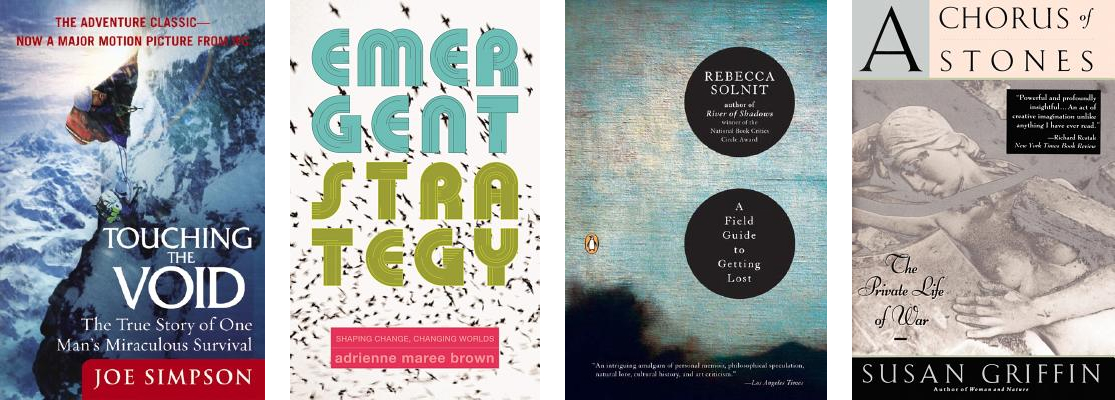
What are you reading now?
Well, well, well, the pretentious art critic in me is a bit embarrassed to bust out the gate with the truth, but I'm reading Touching the Void, Joe Simpson's survival story from his near-death mountaineering trip. Perhaps what I find most fascinating is how the book has opened me up to a whole new world of terminology! I'd thought I liked ice because I went to Iceland in the winter and had my mind blown. Turns out I'm an ice baby! Now I'm crawling, learning about "flutings" and stuff!
What did you read last?
Two things.
Firstly, Emergent Strategy by Detroit mover-and-shaker adrienne maree brown. Inspired by Octavia Butler's work, Emergent Strategy combines movement work with esoteric knowledge, to provide a roadmap towards expansive community-building strategies. Profound when it is profound. Not when not.
Secondly, Rebecca Solnit's A Field Guide to Getting Lost, which is a series of poetic essays that unexpectedly threw me into the most righteous of writing frenzies; I spent days meandering blissfully through the backwoods of my mind in the most subconscious, fever haze daze of ways! Recommend!
What are you reading next?
A Chorus of Stones by Susan Griffin, if attempt #3 has anything to say about it! This book is a slow read… but considering how it compares the heavy weight of familial trauma to the silent, internalized knowledge of stones, which gradually store and release energetic histories over time… A Chorus of Stones contains themes which seem very resonant at this point in my truth-seeking adult life.
Raya Leary

What are you reading now?
I’m currently reading Politics of Design by Ruben Pater, which was given to me as a new year's gift from the owners of Civilization — a local design studio where I work as Project Manager. It’s a crash-course exploration of the cultural and political implications of design, proving the premise that design is never neutral, while offering opportunities for the reader to expand their visual literacy.
What did you read last?
I often listen to audiobooks because they’re so easy to enjoy while I’m riding on the train, or walking around town. The last one I “read” was Everything’s Trash, But It’s Okay by Phoebe Robinson. She has a warm, rambling, personal, and utterly hilarious way of telling stories and providing cultural commentary. She’s incredible in the audio format because she’s a comedian who also hosts two podcast.
I’ve listened to both podcasts, read both books, watched her HBO specials and attended her live reading with Seattle Arts and Lectures. If that’s not a ringing endorsement, I don’t know what is!
What are you reading next?
Any day now I should be getting a book in the mail written by a friend of mine, Mennlay Golokeh Aggrey, called The Art of Weed Butter. She’s a Liberian-American cannabis advocate living in Mexico City. I’m looking forward to (literally) ingesting her knowledge of weed butter/oil preparations, flavors, pairings and remedies for when you’ve gotten too high.
I’m also awaiting the release of Notes From a Black Woman’s Diary in early February. It’s a posthumous multi-genre collection from Kathleen Collins, a writer, playwright, author, filmmaker and educator who was little-known in her lifetime. I first encountered her after watching her 1982 feature film Losing Ground. I then read the first posthumous collection What Ever Happened to Interracial Love. It was the only fiction work I’d read, possibly ever in my life, that felt intimate, experimental, cinematic, close to my own practice as a writer, and relatable to my experience in the world — I imagine this one will be no different.
Book News Roundup: "Why am I such a good writer?"
-
Earlier this week, Washington State Poet Laureate Claudia Castro Luna opened the 2019 State Senate with a lovely, hopeful poem about America's promise and America's present.
-
This year's Jack Straw Writers were selected by poet Kathleen Flenniken. The program helps writers learn how to present their work in recorded and live spoken-word media. The writers are are:
Samar Abulhassan, Dianne Aprile, Josh Axelrad, Christianne Balk, Gabrielle Bates, Leanne Dunic, Shankar Narayan, Sylvia Byrne Pollack, Rena Priest, Putsata Reang, Michael Schmeltzer, and Suzanne Warren.
-
A memoir by New York Times executive editor Jill Abramson is kicking off another furor over the lack of fact-checking in the publishing industry. It's outrageous that publishers aren't fact-checking their non-fiction titles.
-
Artist Mike Stillkey is transforming discarded books into towering installations. He's currently showing new work in Los Angeles.
-
Here is a very good memoir comic by Jason Adam Katzenstein about what it's like to read Anna Karenina. It's just about perfect, except I wish he'd shared which translation of the book he read.
-
All you writers out there reading this: Please save this video and play it when you're having a moment of doubt. Remember that for every dark place, there's a moment when you're blown away by your own genius that makes it all worthwhile.
On Mary Oliver
This is not an obituary. Already, twenty-four hours since news of Mary Oliver's passing reached us, there have been many good ones.
Margalit Fox (who causes me to yearn for collected obituaries, like one might do for a book of short stories or essays) wrote the New York Times' coverage:
Her poems, which are built of unadorned language and accessible imagery, have a pedagogical, almost homiletic quality. It was this, combined with their relative brevity, that seemed to endear her work to a broad public, including clerics, who quoted it in their sermons; poetry therapists, who found its uplifting sensibility well suited to their work; composers, like Ronald Perera and Augusta Read Thomas, who set it to music; and celebrities like Laura Bush and Maria Shriver.
This is not a remembrance. Summer Brennan, who studied with Oliver at Bennington, wrote a fine one for the Paris Review:
Mary was, I think, a fundamentally American poet. There was a view in her poems and in her person of an America that was both beautiful and profoundly lonely. She was not blind to the country’s unthinkably cruel and violent past; nor did she imagine the natural world that she loved so much as an empty Eden. She saw it, very clearly, as a treasure stolen from someone else.
This is not a eulogy. You can turn to Twitter for them in micro, from Hilary Clinton, Ava DuVernay, Madonna, and many other less notable folks who just loved Oliver the poet.
Poets die, and not all are eulogized. Not all are remembered. Few are read as widely as Oliver, and for some that was enough to dismiss her.
Her work is spartan, simple, rhythmic, sometimes bordering on sing-song, but never too clever. It is observational, direct. Her poems are as they lay, not intending a labyrinth, not requiring a degree or footnotes. They're akin to looking at a dried leaf each morning and taking note of what you neglected to see in it before.
They are, then, meditative. Her most common subject, nature, perhaps casts her into a genre unpopular and neglected as passé. Her nature, however, is the nature of movement through the world, of seeing and processing the tiny story you find circumnavigating Seward Park, say. It is observational and in a moment.
She was a superb craftswoman with a deep appreciative knowledge of form. She was a teacher, who brought her own intense curiosity and craft to teaching. To such poets who strive to be contemporary, she offered this, in her wonderful lesson in craft, A Poetry Handbook:
Most of what calls itself contemporary is built, whether it knows it or not, out of a desire to be liked. It is created in imitation of what already exists and is already admired. There is, in other words, nothing new about it. To be contemporary is to rise through the stack of the past, like the fire through the mountain. Only a heat so deeply and intelligently born can carry a new idea into the air.
She often, especially in her most popular works, drew on a universal voice of authority — a voice inexperienced writers (men, usually) misunderstand and trip over, like they've tied their laces cross-shoe. In Oliver's hands the text evoked devotional work, biblical directness and guidance, and rang true in a direct and clever way. It was voiced with breath.
Oliver hinted at her childhood, of sexual violence and terror. "It was a very bad childhood for everybody," she told Krista Tippett, "every member of the household, not just myself I think. And I escaped it, barely. With years of trouble."
Did she earn the voice through writing her way out of that trouble? Or was it from the craft she developed a surety of step that allowed the voice? Was it the perspective of being an out lesbian, partnered for forty years to Molly Malone Cook, during a time when all queer people were socially outcast?
My father was a minister. I am quite sure that he quoted Mary Oliver in at least one sermon. He loved poetry and read widely, and perhaps if not carefully, then with an intuition for work that lifts off the page. He peppered his themes with verse that illustrated or illuminated that which his own words only supported.
When he was dying we read him a lot of poetry. When he was too sick to read to himself, we would take turns from a collected works that contained Oliver's "Wild Geese".
Thankfully, he did not suffer greatly. But if he was restless, and especially when he did not feel very close to the surface of this world, I would sit in the study next to his hospital bed and open the book, the rhythmic suck and clatter of the oxygen concentrator in the corner, and he would be dreaming, moaning, expressing an oncoming death.
"You do not have to be good," I would say, and he would settle, immediately. I probably read that one poem dozens of times in the last week of his life. Not always to him, because its first line echoed in my head in a loop, like an ear worm, and I found myself picking up the book and reading it over and again.
Other poems, some humorous, were better when he was more present. But what fun was the humor when he wouldn't chuckle? What fun was cleverness when he wouldn't acknowledge the trick with that particular smile in his eyes? Other poems felt laden and complicated, but Oliver's work was direct and extremely present.
"You do not have to be good." Could a single line from a poem undo the cultural, religious, political, social, and gendered dogma all of us, to varying degrees, face? It felt that way to me, then. Sometimes to me, now, when I recall it. That's a powerful mantra.
And then, a few lines further:
"You only have to let the soft animal of your body / love what it loves."
The setting of this in my life, being present for the end of my father's — a moment to show up in earnest, and let fall cynical trappings — this was my introduction to Oliver. Maybe in a different context I would have dismissed her, but instead I gained an unshakable affection to her poetry, that I feel was earned by her skill and craft and work, more than the heightened setting.
I was reminded by Ruth Franklin's New Yorker piece on Oliver that Nicholson Baker's protagonist in The Anthologist said it clear: "Mary Oliver is saving my life."
I'm sure she has, by permission or prose, by teaching other writers to find in themselves what she found in herself, and even in simplistic earnest meaning found on horrible web pages with insipid nature pictures that love to present her work.
Oliver, who wrote over twenty books, did the work, and as she desired in life, the work speaks for her, no matter where or how you find it.
For those who only know the popular chart-topping hits, the ones that reach every anthology like the one I read to my father from, here is a piece about America, now:
Mary Oliver, on America pic.twitter.com/EmdQYIUvfC
— Summer Brennan 🌈👠 (@summerbrennan) January 17, 2019
Portrait Gallery: Azura Tyabji
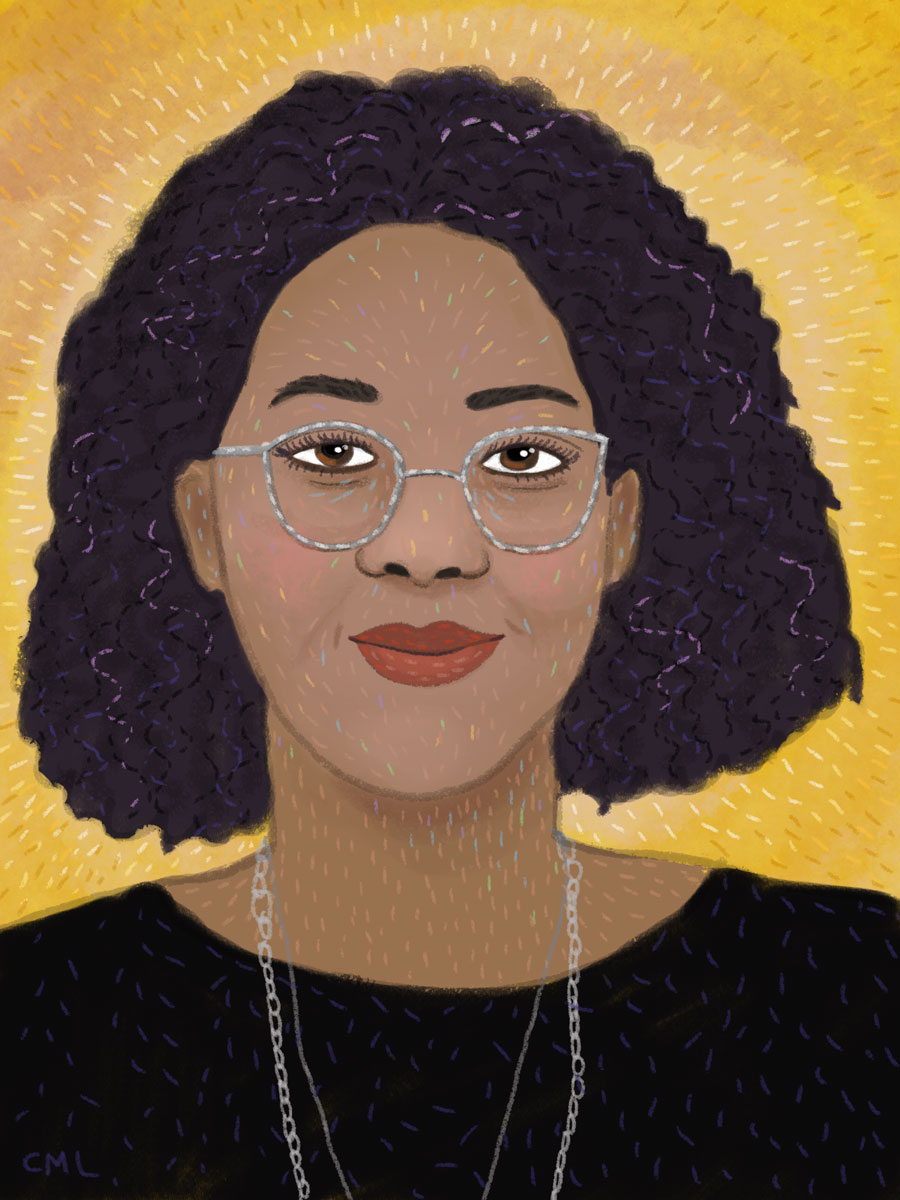
Former SRoB Poet in Residence Azura Tyabji will be appearing tomorrow, January 18th, at the Tasveer South Asian Literary Festival
The Future Alternative Past: In praise of assholes
Every month, Nisi Shawl presents us with news and updates from her perch overlooking the world of science-fiction, fantasy, and horror. You can also look through the archives of the column.
Later this month I’ll be teaching a bunch of writing students about depicting the best of all possible villains. It was a request. I never would have come up with such a topic on my own, because I don’t usually think in terms of heroes and villains. Too binary for me. But if I have to talk about them I will, and I’ll start by ruminating publicly on the matter here. My thesis: a good villain is as moving as any hero.
My favorite villain in SFFH, a robust, righteous example of the type, is the Baroness Ceaucescu, who appears in Paul Park’s Roumania Quartet. She’s mad, of course, from the perspective of readers and the book’s other characters. From her own perspective, though, she’s doing the best she can to make the world a better place. From her own perspective she is her nation’s savior, the legendary “White Tyger” who will throw off this alternate Eastern Europe’s German oppressors and lead her people to freedom. From the perspective of the Baroness Ceaucescu, the book’s heroine Miranda is an annoyingly impertinent teenager with no appreciation for the opera the Baroness is composing or, indeed, for anything that truly matters.
Perspective is often key when it comes to portraying villainy. Since very few see themselves as evil, it’s up to the author to show us how utterly inadequate the baddies’ self-assessment skills are. I wrote my short “Everfair adjacent” horror story “Vulcanization” from the viewpoint of its villain: Belgium’s King Leopold II, a man who perpetrated one of the worst human rights disasters in history. Leopold is Everfair’s villain, too, but in the novel I give him zero screen time. In this short story’s briefer stretch I was able to stay inside my bad guy’s head all the way to the finish. I stuck it out for 25 double-spaced pages, contrasting Leopold’s reprehensible actions with his internal justifications for them — which justifications include his handsomeness and horniness.
Not every villain is wrong about being right, though. The moral relativity of Kameron Hurley’s assassin Nyx, heroine of her Bel Dame Apocrypha series, helps establish her opponents’ positions as entirely tenable. And in Richard Morgan’s latest novel, Thin Air, Madison Madekwe’s completely understandable motivations render her more than the mere recipient of antihero Hakan Veil’s lust-fogged suspicion. She works for what she wants, with good reason.
Does she get it? The problem with answering that is the problem with mentioning Madekwe at all in this context: spoilerage.
And so we will pass quickly from the particular to the general. Or the genre-al.Who lives their life expecting to fuck things up for a good guy? Who delights in evil? Who rolls in it like a dog rolls in vomit? Horror is where you find these sorts of villains. The vengeful baka in Tananarive Due’s The Good House, for instance, knows itself for what it is, and revels in that knowledge.
Horror is also home to HP Lovecraft’s cyclopean amorality, the cosmic indifference of the Old Ones. By their very nature inimical to humanity, Cthulhu and Co. never attempt to justify the terrors created by their mere existence. Which is all very well, since our intellects are too limited to understand them. Stripped of even the thinnest of rationalizations, this is villainy at its purest: isolated, self-sufficient, orthogonal to all conceivable good. Pure, yes, but I still prefer my dear Baroness. And that is why I’ll advise my class to temper their villains with a touch of virtue — so readers will be able to relate to their misdeeds more easily, more sadly. More truly. More movingly.
Recent books recently read
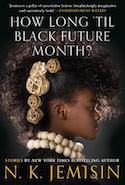
The answer to the title of New York Times Bestselling novelist NK Jemisin’s new book, How Long ‘Til Black Future Month? (Orbit) is “No time at all.” Black Future Month is now and always. Or at least it can be. Read this collection of fiercely imaginative short stories to see how triple Hugo Award-winner Jemisin envisions android recruiting agents and the heat-death of social networking, how she responds to Ursula K Le Guin’s “The Ones Who Walk Away from Omelas” in “The Ones Who Stay and Fight,” and to Robert A. Heinlein’s The Puppet Masters in “Walking Awake.” Black and brown characters abound. Going beyond that remedy to one-sidedness, though, Jemisin makes visible — makes palpable — the difference in parallax arising from black cultural experiences. That means sensawunda squared for those from other communities, and well-grounded vaultings beyond our accustomed skies for any who share her African and African American roots. Fresh assumptions about who survives the end of the world and who gets to explore space frame “Cloud Dragon Skies,” “The Evaluators,” and pretty much every other story in this valuably insightful book. For further reading there’s the book’s title essay, which references Janelle Monae and The Jetsons. It prescribes joy and curiosity and thoughtfulness as cures to the bleakness of imagining non-inclusive futures.
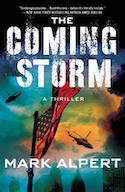
The Coming Storm (St. Martin’s Press), the fourth novel from Scientific American contributor Mark Alpert, pits a new branch of the U.S. military against New York City. Various Gothamites such as gangbanger Hector Torres and out-of-work geneticist Jenna Khan survive back-to-back superstorms while maneuvering against scheming Federal officials and a demented President. Set in 2023, Storm realistically depicts a world ravaged by climate change; its characters represent a full spectrum of NYC-style diversity, too. But Alpert’s wild extrapolations from the current state of CRISPR technology lack plausibility. And his villains, while admirably self-involved and self-righteous, are universally, devotedly, one-dimensionally evil. Not credibly complicated. Not my favorites. They’re targets for anger, but they are still ones. Not moving.
Couple of upcoming cons
Boskone 56 bills itself as New England’s oldest science fiction convention. In addition to this year’s official guests — authors Liz Hand, Vandana Singh, Cindy Pon, and Christopher Golden, artist Jim Burns, and my favorite deceased editor, Gardner Dozois — there are sure to be a bunch of other smart, fun, cool people attending along with you.
So what’s New England’s newest science fiction convention? Depending on how you define your terms — are video games and anime SFFH? Is Nebraska in New England? — it may be Kanpai!Con. In Japanese “Kanpai!” means “Cheers!” Japanese culture’s kind of central to this con’s identity. Official guests are mostly voice actors I’m personally unfamiliar with, me being old and out of the loop. But if you’re a bit more clueful you’ll probably find lots of exciting info on the site linked above.
Thursday Comics Hangover: Striking Gold
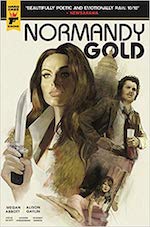
I've written recently about the problem with writing about Hard Case Crime: The publisher so regularly produces quality genre titles that its excellence becomes expected. Hard Case resurrects out-of-print and never-before-published crime and thriller classics multiple times a year, so it's hard sometimes for a reviewer to find something new to say about the publisher.
But Hard Case isn't just about digging up classics of the genre. The publisher has quietly entered the world of comics, too. Last year, they published a graphic novel titled Normandy Gold, written by mystery novelists Megan Abbott and Alison Gaylin. Gold is a tribute to the sleazy sexploitation thrillers of the 1970s, and the book is an absolute blast.
Normandy Gold, a tough small town sheriff, comes to Washington DC when she receives word that her little sister has fallen into trouble. You can tell that Gold is tough because she immediately pulls a giant hunting knife on a smarmy DC cop when he sexually harasses her in the middle of his precinct. In her quest for justice, Gold falls into a world of high-class prostitution and political corruption.
The authors wisely withhold judgement from Gold's actions. She's not interested in being liked, or even being lawful. She only wants to make things right, and several of her choices will leave readers wondering if she's lost her mind entirely. The familiarity of the 1970s setting provides Abbott and Gaylin with the opportunity to overturn our expectations as readers: we think we know the script forwards and backwards, when in fact they're telling a new, and thoroughly modern, story.
Gold is illustrated by Steve Scott, an artist whose work at its best recalls the shadowy realism of 1970s Gene Colan. At times, Scott's art misses some of the moral nuance of the script, and a few of the prostitution scenes tip over into an uncomfortable male gaze, but what's an exploitation riff without a few too many stares?
In Gold, Gaylin and Abbott are bringing a grindhouse film to paper, complete with all the sex and violence and wild plot twists you associate with the genre. But by breaking the formula in a few subtle but important ways, they're adding a fresh layer of complexity to the genre. It's another success story for the winning editorial team at Hard Case.
Hugo Literary Series comes home
Hugo House yesterday announced their upcoming Literary Series themes and participants. As you probably know, the Literary Series features three writers — usually a mix of national and local writers — and one local musician reading new work based on a theme.
Last fall, Hugo House reopened in their new building (at the same old address) and so this spring marks the homecoming for the Literary Series, which has been happening in other locations (mostly Fred Wildlife Refuge) for a few years now.
To celebrate, Hugo House is changing up their themes. Recently, the Literary Series has used phrases for its thematic bouncing-off point (Heading Home was a recent theme, with others including Theft, Animals, and Exile.) The spring Literary Series events use titles of literary works as their themes:
-
On March 15, novelist Benjamin Percy, journalist and novelist Vanessa Hua, Seattle poet Keetje Kuipers, and Seattle musical savant Sassyblack will be performing work based on "The Metamorphosis."
-
And on May 24th, the theme is "Stranger in a Strange Land" and participants include memoirist Domingo Martinez, journalist Terese Marie Mailhot, official Seattle smart person Rebecca Brown, and singer-songwriter Bryan John Appleby.
Book News Roundup: Have we already witnessed the erotic memoir heist of the year?
- West Seattle's Pegasus Book Exchange is doing well, reports West Seattle Blog:
Now that the Westwood Village Barnes & Noble has closed its doors, Pegasus Book Exchange is West Seattle’s last surviving bookstore — and, despite a deluge of obituaries for America’s independent bookstores, business is booming at the family-owned store at 4553 California Avenue SW, employees say.
Eric Ogriseck, who has worked at the store for seven years, said 2018 was the best year in Pegasus’ history.
- A Seattle author was the victim of a heist over the weekend, Capitol Hill Seattle blog reports:
The break-in at The Office above Ada’s Technical Books included several pieces of unique jewelry created to accompany a new book, Pros before Bros, an “erotic memoir” and “true story about sex work and grabbing your own healing by the balls” by Seattle writer Ariel Meadow Stallings.
-
The shortlist for the Philip K. Dick Award has been posted. The winner will be celebrated on April 19th at Norwescon in SeaTac. The Dick award is one of the few sci-fi awards that almost always gets it right: you can read any book on this shortlist knowing that you're about to get into an excellent genre novel.
Here's some good advice:
Threads on Twitter. Threads in Instagram stories. Tiny letters. THEY ARE BLOGS. YOU ARE BLOGGING. START A BLOG.
— Brandon (@brandonlgtaylor) January 13, 2019
- Start a blog, people. Make it your 2019 resolution. Write every day. Write about what interests you, not what you're an expert in. Write about whatever you want. Develop an idea. Invite people to come to you. Let's get off Facebook and back into the internet as a destination.
In West Seattle, a Barnes & Noble dies
There are few things in this world sadder than an empty bookshelf. When bookstores go out of business, books fade away at an increasing clip and the empty bookshelves multiply. The aisles feel hollow and sad. You avert your eyes from all the barren spaces and you feel a chill, because it feels like you're surrounded by dead things. I've attended the closing sales of many different bookstores around the country, and that sense of desperation and loss is something unique. It's always sad when a bookstore dies, and that sadness never gets easier.
On Saturday, I visited the Westwood Village Barnes & Noble on its final day of operation. The biggest bookstore in West Seattle had announced its closing late last year, but that announcement wasn't much of a surprise to neighbors, who have watched the outdoor shopping mall sprout an alarming number of vacant storefronts.
A Barnes & Noble shutting down doesn't feel like your typical bookstore closing. There aren't the ridiculous going-out-of-business sales that you might expect, for one thing — booksellers simply pack up any books that don't sell and ship them off to other local Barnes & Noble stores to add to their own stock. And all the empty bookshelves are pushed into corners and marked for other stores in the region, too — Woodinville is taking a few fixtures from West Seattle, and other destinations are marked with mysterious numbers. It's not so much a death by starvation as a case of capitalistic autocannibalism.
But even though the corporate shuffling took some of the solemnity out of the closing, people were still sad. Booksellers were losing their jobs. Customers were losing their neighborhood bookstore.
"I'll miss you guys," one man told a cashier as he bought some magazines. "I'll miss this place."
Cashiers had to answer the same barrage of questions over and over: Yes, they learned about the closing at around the same time that everyone else did. Yes, in fact, it was "pretty sudden." While they didn't have the exact numbers onhand, "about six" Westwood Village Barnes & Noble employees were staying with the company, moving to the downtown location. No, the cafe had unfortunately run out of chocolate chip cookies.
With most of the shelves emptied, the thing that's most striking about the Barnes & Noble is the sheer size of the place. It's the world's most welcoming warehouse — huge and airy and tan and without all the aisles of books the large windows allow a shocking amount of light inside. A kid runs around the children's section as their parents try to find one last book they can take home together.
Barnes & Noble, still the nation's largest bookselling chain, posted slightly higher holiday sales over last year, though earnings are still expected to decline. The University Village location closed a few years ago due to rising rents. You can still visit Barnes & Nobles in downtown Seattle, in Northgate, and in Tukwila. But the chain, let's be honest, is in decline.
I worked at Borders Books & Music as that chain began its swift and steady descent into nothingness. Even after I left, I watched closely as Borders mismanaged itself into obsolescence. While it has never felt as ineptly managed as Borders, it's clear to just about anyone that Barnes & Noble headed for a similar fate as its onetime rival. You can only tread water for so long before your limbs don't work anymore.
The same qualities that used to work for Barnes & Noble — its size, its centralized management structure, its proximity to malls, its part-time sales force — are now detriments. Independent bookstores proved to be more nimble, more hyperlocal, more customer-focused than a chain ever could be. And now, after three decades of indies suffering at the hands of big-box chain bookstores, the roles have reversed. Barnes & Noble is suffering while independent bookstores thrive. But I don't know any booksellers who are cheering.
In too many small cities and rural areas in the United States, Barnes & Noble is the only bookstore for miles around. If the chain were to disappear, many communities around the country would no longer have a physical bookstore within an hour's drive. That's in nobody's best interest.
If you had told me twenty years ago that I would one day be lamenting the death of a corporate bookstore outpost, I probably would have thought you were insane. But on Saturday I stood inside the hollowed-out shell of a Barnes & Noble and listened to people share their sorrows over the death of a neighborhood bookstore. You would have to be made of stone to not feel some kind of heartbreak.
Out on the fringe
Published January 15, 2019, at 12:00pm
Travel writer Thomas Kohnstamm's debut novel makes a solid case that the Lake City neighborhood is where the last shreds of the "real" Seattle still exist.
The Little Witch
As a child I read a book about a witch who turned children into flowers
and kept them in pots. She went out witching each night and left her daughter
at home with the weeping plants. Tormented, the girl tested her mother’s powders.
Orange Flakes/Gold Dust/Purple Chalk that smoked and lit, but she failed
to free the children with roots for feet. Naturally, reading, I saw myself
as the witch’s child and not an adolescent in a pot. But now those girls
with fingers for soil and aphids crawling over their necks!
At the end of the book (forgive me) they came back, un-hexed at last
by the Red Powder. They stood in shattered earthenware, twigs in their teeth,
never having known they were plants! And I can’t shake my suspicion, especially
when I’m most content. I reach around with my feet, search the air with my fingers,
feeling for a smooth wall or rough edge, whatever it is, invisibly containing me.
Our Heart Belongs to Mineral School

This week's sponsor is Mineral School, the most welcoming residency program around. Each year, Mineral School hosts writers and visual artists at all stages of their careers at an old elementary school in a lake town near Mt. Rainier. If you're one of 2019's residents, you'll sleep and work in your own classroom, take contemplative (or vigorous! you're in charge!) walks at gorgeous Mineral Lake, and enjoy the company of other residents over great food provided by this year's guest chefs.
Curious? Head out to the Central Library on January 20 for "Residencies Revealed," an info session with Mineral School and other local programs (free! with snacks!). Or find your way to Capitol Hill on January 24 for "The Short Story," a discussion with 2015 Mineral alum Kirsten Sundberg Lunstrum co-sponsored by Mineral School and Hugo House. They have a generous array of fellowships, too. You can check them all out on our sponsor feature page.
February 15 is the deadline for applications for this year's residency. Hey, that's just one day after Valentine's Day! Mineral School has won our hearts; won't you give them yours, too?
Sponsors like Mineral School make the
Seattle Review of Books possible. Did you know
you can sponsor us, too? If you have a book, event, or opportunity you’d like to get
in front of our readers,
reserve your dates now. The spring is selling fast!
Your Week in Readings: The best literary events from January 14th - January 20th
Monday, January 14: Domination: The Sub Pop Records Story Reading
Gillian G. Gaar is an expert in Seattle music. She's written great, in-depth books about Nirvana and Jimi Hendrix, among many others. Her newest book, a history of Seattle's own Sub Pop records, is titled World Domination: The Sub Pop Records Story. Elliott Bay Book Company, 1521 10th Ave, 624-6600, http://elliottbaybook.com, 7 pm, free.
Tuesday, January 15: The Lines That Make Us Reading
See our Event of the Week column for more details. Elliott Bay Book Company, 1521 10th Ave, 624-6600, http://elliottbaybook.com, 7 pm, free.
Wednesday, January 16: WordsWest Literary Series
West Seattle's best reading series (at West Seattle's best independent coffee shop) presents readings from Seattle poet E. J. Koh and fiction writer Juan Carlos Reyes. The theme for the evening is "Past and Future Selves." C&P Coffee Co., 5612 California Ave SW, http://wordswestliterary.weebly.com, 7 pm, free.
Thursday, January 17: Predictions for Seattle journalism in 2019
A new Seattle-based media organization invites "a few folks who work in Seattle-area newsrooms to talk about their predictions and big questions for Seattle journalism in 2019." There aren't a lot of details on their Facebook page at the moment, but the idea is a great one. Hive Media Lab, 401 Mercer Street, https://www.facebook.com/onasea/, 6 pm, free.
Friday, January 18: Tasveer Asian Litfest Poetry Reading
Shankar Narayan hosts an evening of poetry with readers Ananya Garg, Vik Bahl, and the great Azura Tyabji, who has been a poet in residence here at the Seattle Review of Books. Hugo House, 1634 11th Avenue, 322-7030, http://hugohouse.org, 7 pm, free.
Saturday, January 19: State of the Union
The political writing group Write Our Democracy hosts its annual Write-In at Hugo House, with writers including Donna Miscolta, Laura Wachs, Robert Lashley, and Deepa Bhandaru offering State of the Union addresses and talking about what it means to be a writer in these unbelievably screwed-up political times. I don't know about you, but I would pay good money to see Robert Lashley address both houses of Congress. Hugo House, 1634 11th Avenue, 322-7030, http://hugohouse.org, 7 pm, free.
Sunday, January 20: Two Poets
Seattle poet Jay Aquinas Thompson and Portland poet Alicia Jo Rabins present new work at the best poetry bookstore in the United States of America.
Open Books, 2414 N. 45th St, 633-0811, http://openpoetrybooks.com, 5 pm, free.
Event of the Week: The Lines That Make Us Reading at Elliott Bay Book Company

A couple years ago, I interviewed Seattle bus driver Nathan Vass about his memoir blog, The View from Nathan's Bus. Now, thanks to the good people at new Northwest publisher Tome Press, Vass has published a beautiful collection of essays about his experiences as a bus driver in Seattle, The Lines That Make Us. (In the interest of full disclosure: I wrote the essay that serves as the introduction for the book, but no money or any compensation changed hands for the essay.)
Much of Lines is about Vass's experience driving the 7 route, which for decades has had a reputation as Seattle's worst bus line. That reputation comes because the 7 runs straight through the most ethnically diverse part of town — lily-white Seattleites have for decades feared south Seattle and its black neighborhoods. (It's been that way for as long as white people have lived here; in the early 1900s, Rainier Valley was known as Garlic Gulch because that's where the new and universally loathed Italian immigrants lived.)
I've been reading Vass's blog for years; it's a great look inside the life of a Seattle bus driver. But when the essays are collected like this, all those stories accrue into more than just one bus driver's experience: it's a portrait of Seattle at street level.
Vass sees the Seattle that has been forgotten in the glamor of the Amazon boom: homeless people, poor people, young people, people suffering from mental and physical ailments. He writes an appreciation of Aurora Avenue, perhaps the last great swath of Seattle to escape serious redevelopment. He sees slivers of the lives of the people on his bus. He gets to know some more intimately by seeing them day after day. He sees others at their most vulnerable moments.
Tomorrow night, Vass will be in conversation with Tome Press publisher Tom Eykemans at Elliott Bay Book Company. Vass is a thoughtful and well-read individual; this conversation should definitely be worth your time. This is a quintessentially Seattle event — the kind of storyteller with the kind of stories that people are always lamenting never happen here anymore.
These stories are still here in Seattle: poor people, forgotten people, quiet people. It's just that somehow, along the way, we stopped listening for them.
Elliott Bay Book Company, 1521 10th Ave, 624-6600, http://elliottbaybook.com, 7 pm, free.
The Sunday Post for January 13, 2019
Each week, the Sunday Post highlights a few articles we enjoyed this week, good for consumption over a cup of coffee (or tea, if that's your pleasure). Settle in for a while; we saved you a seat. You can also look through the archives.
A Woman' Work
Comics artist Carolita Johnson has a side hustle. She’s a “fit model,” with a body perfectly sized and shaped to be the crash test dummy for patternmakers. Her personal value derives from her brilliance as a creator — her economic value, from her ability to embody the aesthetic standard for a size-six woman who wears nice clothes. What’s the hourly rate for looking like society thinks you’re supposed to?
By the age of 18, I knew, without yet pinning it down as a sociological observation, that being a woman meant spending a major part of my time and income on the upkeep and outward appearance of my body. The minimum requirement was making sure it didn’t smell or look unkempt. The ideal was to look simultaneously young, clean, fresh, soft, nubile, sexy, and magical, at all times (and for as long as possible as I aged). But not so much so that I could be ridiculed as vain, or be blamed for being raped.
The Weight I Carry
“My body is crumbling under its own gravity,” writes Tommy Tomlinson, about the physical and emotional toll of weighing twice as much as “the average American male.” It’s not a surprising essay, but it’s an articulate and honest one that reflects, from another angle, the discrepancy between what we win with our minds and what we win with our bodies.
By any reasonable standard, I have won life’s lottery. I grew up with two loving parents in a peaceful house. I’ve spent my whole career doing work that thrills me — writing for newspapers and magazines. I married the best woman I’ve ever known, Alix Felsing, and I love her more now than when my heart first tumbled for her. We’re blessed with strong families and a deep bench of friends. Our lives are full of music and laughter. I wouldn’t swap with anyone.
Except on those mornings when I wake up and take a long, naked look in the mirror.
For another take, read Your Fat Friend, who publishes extensively and compellingly on the consequences of social stigma attached to weight, from the casual insults of friends to persistent and sometimes deadly misdiagnosis at the doctor’s office.
On the Experience of Entering a Bookstore in Your Forties
Oh, perhaps the Sunday Post is just cranky this weekend, but Steve Edwards’ universally beloved essay on growing old in bookstores is ringing hollow to our ears. Too sentimental? Too unsubtle? Maybe both. Or maybe it’s just that bookstores are alive (right?), and all Edwards seems to see in them is a reflection of his own aging eyes.
You can only read *To the Lighthouse* for the first time once before you’ll always know they never made it there. Eventually Holden Caufield becomes less an arbiter of truth and more just another sad, mean kid. The years you dedicated to Faulkner? Gone. You thought you might take up baking bread with a little help from the Tassajara Bread Book? Now you’ve got kids, bills, the stress of a job.
Where’s your warm bread?
Whatcha Reading, Nathan Vass?
Every week we ask an interesting figure what they're digging into. Have ideas who we should reach out to? Let it fly: info@seattlereviewofbooks.com. Want to read more? Check out the archives.
Nathan Vass is the bus-driving author of the book The Lines That Make Us: Stories from Nathan's Bus, which collects writing from his blog "The View From Nathan's Bus". Besides his night job on the 7 line, he's also a photographer, filmmaker, and will appearing this Tuesday, January 15, to discuss the new book.
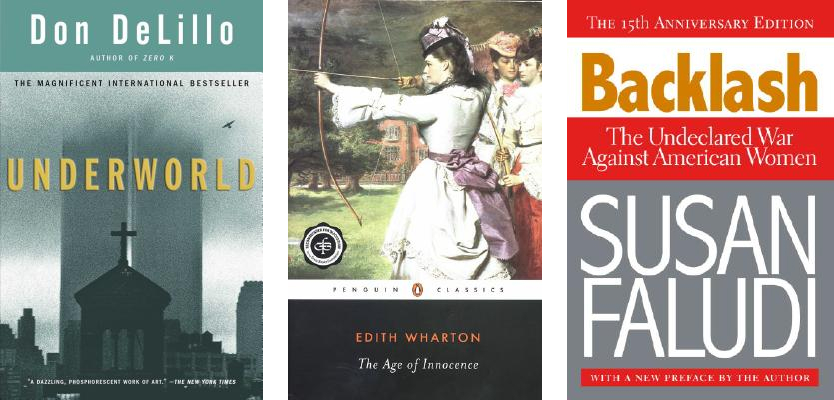
What are you reading now?
Underworld, by Don Delillo. Most of us can by now agree that this 1997 doorstop should've eaten the National Book Award for breakfast over its competition. Delillo's depth of ability in the act of seeing is unparalled, and that in combination with its gasp-inducing dexterity of prose and the prodigious scope of the its panorama of interlinked introspections, together make it easy to argue for this being the definitive post-war American novel. The final word on the texture of Twentieth-century American life.
What did you read last?
The Age of Innocence, by Edith Wharton. Wharton, writing in 1920, is perfectly positioned to sculpt a level-headed analysis of late 19th-century sophistication in all its casual ridiculousness and suppressed emotions, while suffusing her prose with modernism's heady belief in the dreams of possibility. Her characters are smarter and more gifted than the society they live in will ever allow, and their awareness of something greater, though they have never experienced it, represents a rebellion against repressive expectations I find deeply optimistic in its humanism, and very timely.
What are you reading next?
Backlash: The Undeclared War Against American Women, by Susan Faludi. Our current wave of feminism, though inspiring, probably anticipates what all other feminist movements have had to suffer: a protracted, systematic backlash. Faludi's landmark tome of what happened throughout the 1980s can hopefully serve as a warning. Her companion volume, 1999's Stiffed: The Betrayal of the American Man, explores what today's cultural discourse hasn't caught up to yet: why most men feel emasculated living in a society that tells them they have agency, should be in control, need to be heroes, and know how to fix everything — when they don't, and aren't. Essential reading.
The Help Desk: The binding's on the other foot
Every Friday, Cienna Madrid offers solutions to life’s most vexing literary problems. Do you need a book recommendation to send your worst cousin on her birthday? Is it okay to read erotica on public transit? Cienna can help. Send your questions to advice@seattlereviewofbooks.com.
Cienna,
How would you feel about foot binding for men for a few decades until we equal out the gender disparity? At least they couldn't run very far when we #metoo them.
Just a little pissed still, Ballard
Dear JALPS,
If you start binding men's feet today, tomorrow stumps will be the latest fashion and the day after that they'll be marketed to women as a "great way to lose 7lbs fast!". What I'm saying is, it's difficult to collectively punish a "dominant" strata of people, as they are in the best position to change the rules by which our society operates.
Instead, resolve in this great new year of 2019 to treat deserving men how other vulnerable groups are treated on a daily basis so that they may experience, in some small way, life from another perspective. For instance, I like to train them as I would a house pet (no eye contact while I'm eating), love them as I would a foster child (sparingly), and when I feel the relationship has run its course, dump them as I would a gay (by throwing glitter – either the metal stuff or the 2001 classic musical drama starring Mariah Carey – onto a busy highway. I call it euthengaysia and I assume it is a very peaceful way to go).
Kisses,
Cienna
Portrait Gallery: Stephanie Land
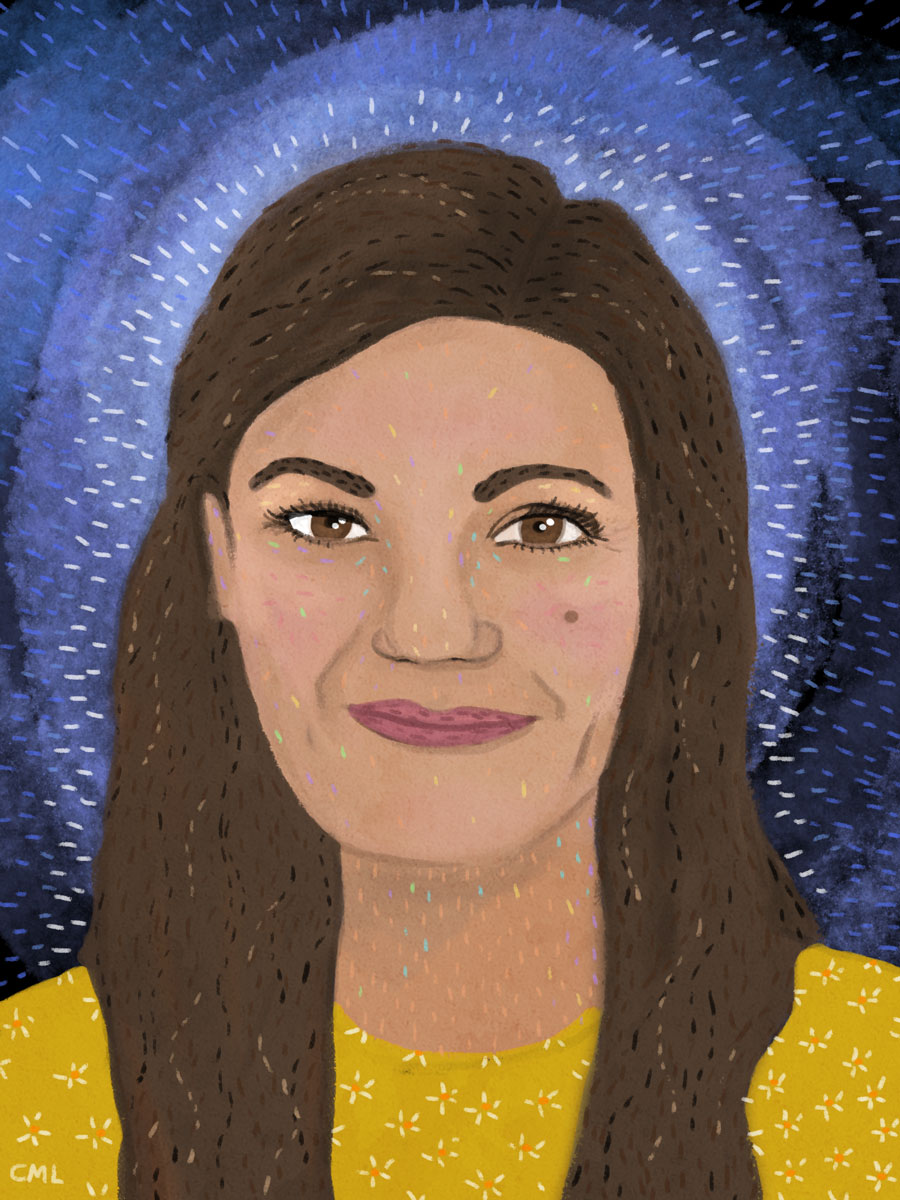
Save the date! Stephanie Land will be appearing at the Elliott Bay Book Company on Monday, February 11th. Her book Maid: Hard Work, Low Pay, and a Mother’s Will to Survive looks at her experience raising two kids in poverty — while she was living nearby in Mount Vernon.
Book News Roundup: Seattle Walk Report is walking into bookstores
- We could not be more pleased to hear about this:
We interviewed the artist behind Seattle Walk Report about a year ago (not to brag, but we were the first outlet in Seattle to spotlight her) and we knew then that she was going places. Congratulations to Seattle Walk Report on the deal, and kudos to Sasquatch Books for being on top of great Seattle talent as it appears.
Brilliant cartoonist Michael Kupperman went to Google to discuss how he made his remarkable comics memoir, All the Answers. Now the video of his talk is online:
My take on the whole Konmari thing that's causing so much controversy in literary circles is that it's okay to get rid of books. If I kept every book I ever read, I would have to have a mansion by now. I have plenty of bookshelves in my home, but the more I age, the more I realize that I'm not going to re-read all the books that I want to re-read. It's okay to keep books, of course, but you could also sell the books, or donate them to prison libraries, or leave them in Little Free Libraries, or any number of things. I find I enjoy owning books more when I have a system set up: I keep separate areas of books to be read, books to keep, and books to sell or donate. But you do you.
Don't listen to The Vulture's NYC-centric click bait. Start your own book blog.
Thursday Comics Hangover: Comics are for kids!
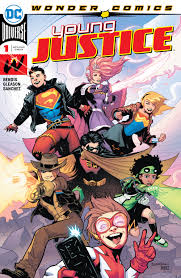
One of the most confusing aspects of modern superhero comics is the way children are treated by the industry. Both of the big two publishers frequently publish a separate line of superhero comics for kids with cartoony illustrations and simplified stories that are done in one issue. They look more like Saturday morning cartoons than something you'd find in a standard superhero comic.
The thing I don't get about this strategy is this: like most people my age, I started reading superhero comics as a kid by diving into the same serialized comics that adults read. I started reading in the middle of storylines and would figure out what was happening as the storyline unfolded.
As good as these modern superhero comics for kids are — Art Baltazar is a seriously underrated talent — I wouldn't have touched them as a child, expressly because they looked like kids' stuff. The superhero comics I read as a kid (Byrne and Claremont's X-Men run, the Justice League of the late 70s, anything with Spider-Man in it) were interesting to me because they felt more grown-up.
However, I wouldn't give a modern superhero comic to a young kid now without reading it first. Too many titles are filled with faux-mature "shocking" violence to just blindly hand a book over to an 8-year-old. Perhaps that bad emulation of Frank Miller and Alan Moore's 1980s grittiness is what created the cartoony kids lines in the first place: as a safe space for children, to protect them from the generation that refused to give up superhero comics and demanded that the heroes mature with them.
Yesterday, DC Comics published the first issue of Portland writer Brian Michael Bendis's Wonder Comics imprint, and the genius of it is that it's a book you can hand anyone, young or old. Originally published in the 1990s, Young Justice was a team of superhero sidekicks — Robin, Superboy, Wonder Girl, the junior Flash known as Impulse — that was swept aside in some reboot or another. Alongside artist Patrick Gleason, Bendis has revived the team with a few new characters including a descendent of Jonah Hex and a hacker riff on Green Lantern.
Young Justice #1 doesn't dilute its superheroic pleasures for young readers. It drops you in the middle of DC Comics's complex continuity without much explanation, and it starts the action almost immediately. Bendis reveals just enough about each character as they're introduced to the story that new readers won't get lost. If they're intrigued, those readers can then read backwards into DC Comics history to learn about any of the characters or concepts in the book.
Honestly, the story in Young Justice #1 is pretty slight — hero team assembles in the face of an interdimensional invasion — but that's by design: it leaves plenty of room for a kinetic and inventive superhero action sequence by Gleason. And Bendis adds lots of little touches along the edges of the story to reward longtime readers of DC Comics. (The citizens of Metropolis are almost blasé about the invasion, moaning about the fact that they'll have to fill out another insurance form.)
It's possible that Young Justice might fall apart in any of the myriad ways that superhero comics do — artists can be late, stories can stretch out too long – but as far as first issues go, Young Justice #1 is a note-perfect example of how to make superhero comics for readers of all ages.
Cite unseen
Two things you ought to know about me before we begin: I am a bookseller, and I love lists.
When December rolls around, all the books published in the last eleven months are rounded up into best-of lists — best fiction, best business books, best books for women, best of the best. Being rather opinionated, I enjoy scrolling through and making my own judgments — scoffing, sighing, and smiling in turn.
But also, because I’m a bookseller, there’s a lot on those lists that I haven’t read. I’m the primary frontlist (newly published books) receiver at my store, and I curate our quarterly newsletter, which features books published in a three-month span that we think are worth reading. Between these two jobs I see hundreds of new books: children’s books about science-loving sleuths, diet books centered around cocktails, mystery novels starring robots built to kill. There are too many for me to read them all, and if everyone is reading something, I don’t need to read it to do my job: finding customers the perfect book.
As I scrolled and clicked through list after list of last year’s best, I began to formulate my own list: the best books of 2018 that I’d had every intention of reading but didn’t.
My methodology
- Google “best books 2018”
- Open about three dozen tabs.
- Scroll through every list and write down any book I meant to, wanted to, promised myself I would read, but still haven’t.
- Feel bad about myself and my reading habits.
- Promise myself I really will get to all these books one day.
This was as funny as it was depressing. As I clicked over to new tabs I murmured to myself, “How could I have forgotten that. God, is that galley still around here somewhere?” From more than two dozen titles, I winnowed the list down to ten: the books I had the worst excuses for not reading; the books I was most surprised to find still unread.
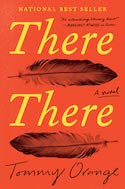
There, There by Tommy Orange
There are books that get talked about so frequently you’re soon sick of them; those that you assume can’t live up to the hype; those that everyone else is so behind you don’t bother with because you can sell it without reading it. There, There is not one of those books. In a New York Times review titled “Yes, Tommy Orange’s new novel really is that good,” Colm Toibin describes it as “an ambitious meditation on identity and its broken alternatives, on myth filtered through the lens of time and poverty and urban life, on tradition all the more pressing because of its fragility.” I feel like I’ve missed out on a moment in not reading this book — good thing I have five months before the paperback is released and the hype starts up all over again.
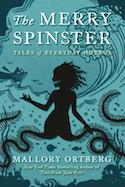
The Merry Spinster by Daniel Ortberg
It is ridiculous that I haven’t read this book yet. It’s described by the publisher as “darkly mischievous stories based on classic fairy tales,” and I love fairy tale retellings — especially those that flip the classics on their head and expose their grimy, slimy underbellies. I took home a copy with every intention of reading it, and then I shelved it. Once shelved, a book has a far slimmer chance of being read; I am too distracted by the shiny new books crossing my path every day. In the new year, perhaps, I’ll resolve to stop buying books for a while and only shop my own shelves.
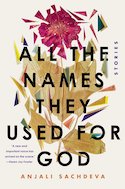
All the Names They Used for God by Anjali Sachdeva
I keep forgetting about this book. I can’t remember where I first heard of it, whether it was a review or my bookstore or an interview with Carmen Maria Machado — who is effusive about this particular title (and I am effusive about her work, so anything she enjoys I feel certain I’ll enjoy too). I remember a friend or co-worker or stranger was enjoying it. Each time I heard about it, I thought “That book sounds right up my alley.” And then I would lose it, until next time, which, this time, was the NPR Best Books list. All the Names They Used for God is another collection of strange short stories; Machado describes each story as “a perfect diorama: scrupulously assembled, complex, unsettling. Completing one is like having lived an entire life, and then being born, breathless, into another.” Now, how could I forget that?
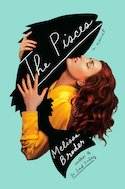
The Pisces by Melissa Broder
I listened to Broder’s essay collection So Sad Today, and it was like getting a really excellent hug — firm, warm, loving — from a naked stranger. So of course I was excited to receive a galley of her first novel, which is about a woman who falls in love with a merman. I listened to an interview with Broder on the podcast Other Ppl — I think she talked about how she writes her first drafts by dictating them to her phone, later parsing through what her phone picked up compared to what she actually said — and I became more excited about reading her novel. I’m still excited; I still have the galley. It’s on a very full shelf where I keep galleys I have not read for books that have already come out. Maybe I should just borrow the audiobook from the library.
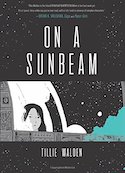
On a Sunbeam by Tillie Walden
You know that terrible feeling you get when you encounter someone insanely talented and accomplished and find out they’re five years younger than you? That’s what I feel like when I flip through Tillie Walden’s comics or scroll through her Instagram. Her artwork is stunning: intricate and precise with engulfing, dreamlike watercolors. And her latest graphic novel, On a Sunbeam, is a space story and a boarding school story (the latter is a theme I was a bit obsessed with years ago; the dregs of that obsession still linger). This is her thickest book yet, and every Friday I mean to check it out for the weekend (the perks of working in a bookstore), but I still haven’t. Maybe next weekend.
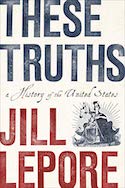
These Truths by Jill Lepore
This is the first book on my list that I don’t feel very guilty about not having read. I mean, have you seen it? It’s nearly 1,000 pages. It makes me think of another book I’ve been meaning to read, A People’s History of the United States by Howard Zinn, which I started reading at a friend’s house when I was a precocious (read: obnoxious) twelve-year-old. The way history is taught in US schools has irritated me ever since. But here is the perfect opportunity to refresh (read: learn for the very first time) my US history. And how lucky are we to be alive for the publication of the first single-volume, comprehensive history of the United States to be written by a woman! I mean, we’ve only been a country for well over two hundred years.

Belonging by Nora Krug
Now this one, this one I really thought I was going to read in 2018. I buy for the comics section of my store, and, scrolling through Edelweiss (the system publishers use for frontlist orders) I was immediately grabbed by the art style: it’s like a scrapbook — with old photographs, letters, magazine cut-outs, photocopies, and other ephemera, along with more traditional comics. I’ve always loved reading journals or flipping through sketchbooks; it feels so intimate, and a bit like you’re getting away with something. I’d never seen a comic quite like this. I wanted to buy enough copies to display it everywhere. I decided to feature it in our quarterly newsletter. Unfortunately, another bookseller signed up to review it, and I had to give up my galley. I read two other books for the newsletter and then had to write and edit reviews. And so another great read slipped from my grasp.
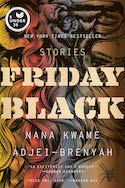
Friday Black by Nana Kwame Adjei-Brenyah
Who wouldn’t want to read a book that’s referred to as “treacherously surreal”? What does that even mean? I don’t know, and I still want to find out. But, like every other book on this list, Friday Black got pushed aside by other obligations; other booksellers read and loved it, and frankly it didn’t need much help from us anyway, it flew off the shelf on its own. Come to think of it, I actually didn’t read many short story collections at all this year. I guess I was trying to expand my horizons, read outside my comfort zone or some such nonsense.
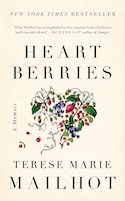
Heart Berries by Terese Marie Mailhot
Probably the slimmest book on this list, and one that was published all the way back in February: you would think I’d have gotten around to Heart Berries by now. It’s an Indigenous woman’s coming-of-age memoir, delving into mental illness, intergenerational trauma, motherhood, womanhood, and so much more (from what I can tell, not, again, having read it). What really entices me is the language; a co-worker described it as “nearly synesthetic and often dreamlike.” I love when a short book takes forever to read because you linger over the language; I expect Heart Berries will be like that.
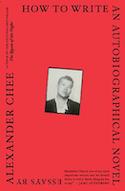
How to Write an Autobiographical Novel by Alexander Chee
I haven’t read Chee’s work before, but a number of friends have heaped praise on his novel The Queen of the Night, not to mention his Twitter presence. So I was extremely excited to receive a galley of his essay collection well before pub date, and even more excited to receive a finished copy (paperback original!) on the pub date (bookselling doesn’t pay very well, but if you spend most of your money on books anyway it has its perks). And yet … as you’ve already surmised by its inclusion on this list: I haven’t read it. But I hear there’s an essay in there about tarot reading, and I’m pretty excited about that.
I’d like to tell you that I’ll get to these books eventually. They’re all worth reading (nine out of ten best-of lists agree). But for a bookseller, there’s quite a bit of pressure to stay current; to read and review the forthcoming books; to be well-versed in the next big thing. I miss sitting down with a book and not worrying about when it was published. But I always feel a little guilty reading older books; I tell myself they don’t need someone to get behind them like the new books might.
Now that I think of it, that’s kind of a load of shit. Old books, new books, they all deserve championing. But we both know there will be just as many excellent reads in 2019 as there were in 2018. It’s time to admit that there will always be good books left unread. Better that, though, than having nothing to read at all.
How a UW professor revived a remarkable book documenting life in Washington state prisons
On Tuesday, January 22nd, University of Washington Press will be hosting a free and public event celebrating the reissue of Concrete Mama: Prison Profiles from Walla Walla, a collaboration between journalist John McCoy and photographer Ethan Hoffman.
Originally published in the early 1980s, Concrete Mama is remarkable both in the context of Washington state history and in the relatively tiny field of prison journalism. Rarely have journalists been granted the access that Hoffman and McCoy enjoyed at Walla Walla, and the book still stands as a bracing look at life inside prison walls.
On the 22nd, UW Press will be celebrating the expanded reissue of Concrete Mama with a panel including McCoy, prison reform activists, and former inmates at Walla Walla. The panel will also include UW professor and prison scholar Dan Berger, who helped unearth Concrete Mama and contributed new material for the book's republication. We talked with Berger over the phone about what Concrete Mama represents, what to expect at the book's relaunch party, and what you can do to help reform the culture of imprisonment here in Washington State
What's your relationship with this book? What does it mean to you and why is it so important that it's coming back into print?
I first discovered the book many years ago. I write about the history of incarceration and of prisoner activism in particular. The book is stunningly beautiful as a photo essay and it's also a dramatic and compelling account of a pivotal time in the history of Washington and in the history of prisons nationally. Washington state had embarked either on a limited reform program or it embarked on a dramatic reform program in a very limited way in the early 1970s, and John Mccoy and Ethan Hoffman managed to get access to the prison in the late seventies as that reform project was being dismantled from within and from without. They were able to capture something compelling about what was happening in that time period in ways that are both exciting and foreboding about what came since.
And to why we should bring it back, I returned to the book a few years ago when one of the people who's profiled in it, Ed Mead, contacted me about donating his papers to the university. At that point I went back to Concrete Mama because it was the only contemporary published account of some of the activism that Ed was doing inside of prison. And as we built a digital archive based on Ed's donations, I connected John to the University of Washington because this seemed like a really important chronicle of Washington's history. It warranted a second look as discussions about mass incarceration are once again dominating the news.
Do you think that we've made any progress in the time since then? Or have we backslid? It seems like we're just starting to recover from this culture of mass incarceration.
Mass incarceration really began alongside the book's publication and I wouldn't say that we are yet recovering from it at all — we still have the world's largest prison population by a long shot. So I think there's conversations about mass incarceration being a problem, but in terms of the kind of concrete steps to end it, I think both at the state and at the country level we're a long way from where we need to be.
Sorry, I didn't mean to say we'd solved it, just that we're more aware of it now than we have been in years.
No, no — no problem at all. That's some of the conversation that I'm hoping the book's re-publication can help stimulate.
Do you think we're moving backward or forward?
I think the answer to that is yes. There's a lot more attention to the problem of prison, which certainly constitutes a step forward. Prisoners have won some more legal rights than they had in the 1960s and even the 1970s. I think the abolition of the death penalty in Washington is certainly a positive step forward.
Before we had a lot of people in prison, before we had mass incarceration, I think prisons got a lot meaner. I think the evacuation of meaningful programs and of meaningful opportunities to improve people's sense of self, and of educational opportunities really constitute many steps backward. Washington banned state funds from going to educate people who are in prison. And Washington still makes wide use of life without parole sentences. Washington still doesn't have a parole board. These all constitute major, major regressions, major steps backwards, from that time period.
It is it even possible now to do what they did in Concrete Mama? Does the possibility of a book like this even exist anymore?
Nothing is impossible, but certainly it hasn't been done since Concrete Mama. They were able to get permission in a time period that's still valued,some modicum of transparency regarding the conditions of prison. And I think three decades of a conservative turn on the Supreme Court has really weakened that notion of transparency, as well as the much more punitive turn in the field and philosophy of corrections. In some sense, it's still possible for someone to do it now and yet no one has done it. I think prison administrators seem pretty reluctant to give that level of access to "outsiders."
What would you hope would come out ofthe event and the relaunch of the book?
I think Mccoy and Hoffman where perceptive in how they put together the book originally to highlight a number of issues that people in prison and the prison system in general were facing at the time. And so I hope that the relaunch of the book can function similarly to draw greater attention to the policy agendas that currently and formerly incarcerated people are advancing.
And that agenda is robust, and I think we'll be able to get into it on the 22nd, but it certainly includes expanded educational opportunities and includes, I would hope, and end to life without parole sentences, restoration of parole opportunities. These are all things that people have been organizing around and debating and discussing and for quite some time.
And I hope that an unvarnished look at life inside prison can help advance that conversation — not by looking at what happened 40 years ago, but by grappling honestly with what prison means and how prisons function today.
What do you think is a good place for people to devote their actions, specifically in Washington state towards reforming our prison culture?
I think there are a number of civil society organizations and advocacy organizations — you have groups like the Black Prisoners Caucus and the Concerned Lifers Organization.
There are higher education efforts like the Freedom Education Project Puget Sound and University Beyond Bars. And there are activist efforts like Northwest Detention Center Resistance, which does a lot of work around the detention center in Tacoma and people who are detained in Seatac, and campaigners against the construction of a youth jail in Seattle. I think those are all profound efforts that both support currently incarcerated people and things that reduce our reliance on punishment and violence. They're all noble efforts.
And I would also encourage people to check out the Washington Prison History Project, which is the digital archive that began with Ed's donation of materials and now includes things from Concrete Mama and elsewhere.
Little Red
I never mistook my grandmother for a wolf.
I didn’t think her quivering snout a nose or those
black-tipped claws her fingers. Nor did I imagine her
wanting a peek at my blood-colored cloak or to sniff
my basket full of cakes. My grandmother was a killer,
same as yours. I knew she’d been ambushed when I saw
the scratch on the door. I was in it for vengeance. Sometimes,
you want the wolf to speak to you. Sometimes, and remember
this when you go hunting, you want to draw your opponent’s voice
to the edge of his vicious tongue, coerce him to reveal the rage
that drives his un-innocent hunger. After all, he could have slaughtered
a boar or a brown hare. Grandmothers are deadly, not delicious.
Remember too, you little girls with daggers in your dresses,
they’ll never get your story right. They’ll ink up your successes
to a thoughtful woodsman or forgetful beast. Wolves are not un-careful,
little assassins, waiting is their finest work. You’ll be painted a kitten
in a red coat, told and retold until you’re remembered helpless.
Use it to your advantage.
Content yourself with being the one who lives.
The Ghandi Diet
Published January 8, 2019, at 12:00pm
If you made a New Year's resolution to go on a diet, you're probably doomed to fail. But a new book from University of Washington Press flips the script in an interesting way.
Book News Roundup: A bookstore closes, a bookstore moves, a podcast begins
Ballard's Twice Sold Tales is picking up and moving later this month — this time down the street to 1708 NW Market St. “I hope I don’t have to move again until I retire," owner John Watkins told MyBallard. We'll let you know when they reopen so you can go give the new location some love.
West Seattle Blog reports that The Westwood Village Barnes & Noble, the only large bookstore in West Seattle, will close its doors forever on January 12th.
A new locally produced poetry-themed podcast, The Poet Salon, goes live on Wednesday. The three hosts, including Seattle Review of Books's December Poet in Residence Dujie Tahat, will interview poets over drinks. Subscribe now, using the below links:
Wow our first episode drops on Wed, 1/9, which it’s time to meet your hosts!
— The Poet Salon (@PoetSalonPod) January 7, 2019
🔹 iTunes - https://t.co/0YwUWDTfDm
🔹 Spotify - https://t.co/hjIjJSCdT6
🔹 SoundCloud - https://t.co/MK3VtaaM4d
🔹 Google Play - https://t.co/alref0Cq9U
🔹 Stitcher - https://t.co/CmpZtr8RqU
A thread— pic.twitter.com/BBYaIsy6qd
- Katy Waldman at the New Yorker analyzes a "lost" story by Sylvia Plath.
The tale contains the seeds of the writer Plath would become. There is a raw revulsion and disconnection in it. Plath’s poetry developed that sense of horror into an aesthetic, a music of distress.
- Newsflash: Authors don't make that much money. "
Start 2019 with Seattle Arts and Lectures

The second week of 2019 is sponsored by Seattle Arts and Lectures, with a selection of events hand-picked for you. We couldn’t have planned it better if we’d, ah, planned it. Stop by our sponsor feature page and get dates and links to hear four amazing women speak: journalist Katherine Boo; Soraya Chemaly, author of Rage Becomes Her; poet Solmaz Sharif; and, of course, Zadie Smith. All four will challenge and inspire you. What better way to launch 2019?
Sponsors like Seattle Arts and Lectures make the Seattle Review of Books possible. Did you know you can sponsor us, too? If you have a book, event, or opportunity you’d like to get in front of our readers, reserve your dates now. The spring is selling fast!
Your Week in Readings: The best literary events from January 7th - January 13th
Monday, January 7: Nobody Hates Trump More Than Trump Reading
The too-prolific UW professor David Shields reads from his latest book, which is about Donald Trump.
Elliott Bay Book Company, 1521 10th Ave, 624-6600, http://elliottbaybook.com, 7 pm, free.
Tuesday, January 8: Lake City Reading
As part of a book release party, Thomas Kohnstamm reads from his novel, which is set in Lake City, and talks with local novelist Jonathan Evison about writing and Lake City and writing about Lake City. Third Place Books Lake Forest Park, 17171 Bothell Way NE, 366-3333, http://thirdplacebooks.com, 7 pm, free.Wednesday, January 9: The Man Who Would Be Sherlock Reading
Christopher Sandford reads from his new book, which finds the correlations between the life of Sir Arthur Conan Doyle and his literary creation, Sherlock Holmes. Third Place Books Seward Park, 5041 Wilson Ave S, 474-2200, http://thirdplacebooks.com, 7 pm, free.
Thursday, January 10: Noir at the Bar
Hosted by Nick Feldman, this event features local mystery writers reading from new work. Readers include Renee Patrick, Bethany Maines, G.G. Silverman, and many more. Alibi Room, 85 Pike St #410, 623-3180, http://seattlealibi.com/, 8 pm, free.Saturday, January 12 and Sunday, January 13: Tasveer South Asian Litfest
See our Event of the Week column for more details.Literary Event of the Week: Tasveer South Asian Literary Festival
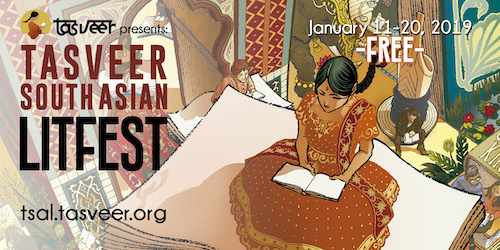
Literary Seattle kicks off its 2019 with a big exciting new (hopefully regular) event: the first-ever Tasveer South Asian Literary Festival. Intended to spotlight "an eclectic group of poets, novelists, screenwriters, nonfiction and experimental writers expressing a wide range of South Asian diasporic voices on race, immigration, gender, identity, and publishing," the Tasveer Litfest takes place from Friday, January 11th to the 20th in venues around the city.
The event is put on by Tasveer, a local organization celebrating South Asian arts. They've been putting on the largest South Asian film festival in the United States right here in town for a while now. This literary festival provides an opportunity to highlight one of Seattle's strongest literary communities, and to bring some impressive visiting authors to town.
Authors reading at Tasveer Litfest include Seattle's youth poet laureate (and former Seattle Review of Books poet in residence Azura Tyabji, Seattle journalist and novelist Sonora Jha, Indu Sundaresan, and many more.
The festival kicks off on the 11th with Amitava Kumar reading from his celebrated novel Immigrant Montana at the Seattle Art Museum. Other events include a panel on race and gender in South Asian literature, a poetry reading at Hugo House, a showcase of queer South Asian writers, a memorial for writer Meena Alexander, a writing workshop with Sundaresan, a celebration of South Asian names, and more. (Find an updated schedule here.)
It usually takes a few weeks for Seattle's literary calendar to get fired up after the dawn of a new year. Thanks to the Tasveer Litfest, the year is starting off right: by amplifying voices that need to be heard. If the remaining 50 weeks of 2019 are this lively, we could be in for the best literary year Seattle's ever seen.
The Sunday Post for January 6, 2019
Each week, the Sunday Post highlights a few articles we enjoyed this week, good for consumption over a cup of coffee (or tea, if that's your pleasure). Settle in for a while; we saved you a seat. You can also look through the archives.
Very Slow Movie Player
In a wonderfully strange and imagination-provoking exercise, Brian Boyer has created the Very Slow Movie Player. The hand-hacked device plays movies in e-ink (like a Kindle) over the course of days instead of hours. Instead of being the center of a carefully curated experience (dark theater, bright screen, captive audience), the film is subject to the vagaries of light, shadow, and time. It’s art, and narrative, and film, and books, sort of, all at once. Super geeky and fun, and includes some intriguing thoughts on the use of e-paper in public spaces, too. (Hat tip to Jason Kottke for this one.)
As the architectural equivalent of Ninja Cat — a non-binary between moving and stillness — ePaper walls offer a way to play with a handful of interwoven timelines: the minutes of human rituals, the hours of our planet’s rotation, and the months of earth’s annual orbit around the sun. We might create a wall of William Morris wallpaper patterns that blossom and whither [sic] with the seasons, at the annual pace of the seasons. Or use footfall sensors to track visitors and add one black pixel to the walls for each person who enters, very slowly turning the walls from black to white in a digital obliteration room. Or add to the predictable shadows that fall across the facade of a building with fantastical digital supplements.
Children of Ted
Framed as an examination of Ted Kaczinski’s influence on a new generation of ecoterrorists, John Richardson’s coverage of the anti-civ (anti-civilization) movement less terrifying than poignant. The thread of violence is muted (outside of outright terrorism, which is not the primary subject of the piece). The threads of desperation and grief are bright — and woven through with simple silliness. Maybe in this world of incels and alt-righters, it’s hard to take environmental extremism as seriously as we ought?
Four years into this bizarre pilgrimage, Jacobi is something of an underground figure himself — the ubiquitous, eccentric, freakishly intellectual kid who became the Zelig of ecoextremism. Right now, he’s about to skin his first rat. Barefoot and shirtless, with an old wool blanket draped over his shoulders, long sun-streaked hair and gleaming blue eyes, he hurries down a rocky mountain trail toward a stone-age village of wattle-and-daub huts, softening his voice to finish his thought. “Ted was a good start. But Ted is not the endgame.”
An internment camp for 10 million Uyghurs
This detailed investigation into China’s use of technology to surveil its Uyghur population is, on the other hand, absolutely terrifying — author anonymous for their protection. Pair it with the New York Times profile of the full-time staff who scour social media to erase China’s history of human rights abuses as it’s being made.
A few years before then, Chinese video cameras appeared in Tibet that were capable of sending the state messages about the movements of specified people targeted for surveillance. They looked like rotating orbs the size of a human head, and they were equipped with two “eyes.” My Tibetan friends believed the anthropomorphic design was intentional, a deliberate scare tactic. But in Xinjiang, when Chen Quanguo, known as “the repressor of Tibet,” became the secretary of the local Communist Party, police tactics took on a magnitude that was frightening even by Tibetan standards.
Whatcha Reading, Jennie Shortridge?
Every week we ask an interesting figure what they're digging into. Have ideas who we should reach out to? Let it fly: info@seattlereviewofbooks.com. Want to read more? Check out the archives.
Jennie Shortridge has written five published novels, including Love Water Memory. Her books have been Indie Next, PNBA and Library Journal picks and bestsellers, and optioned for film here and there. She’s currently working on telling her late mother’s troubled history in some hybrid fashion of essay/biography/imagined narrative. She has no idea if it will ever get published but it is the book that is calling her to write it. Next up? Perhaps a novel reimagining the birth of America in a way that solves some of our current ills, but leads back to the place humans seem always to end up: in big trouble. When not writing, teaching, or leading Seattle7Writers, Jennie plays in a band of writers (and their talented spouses) called The Rejections.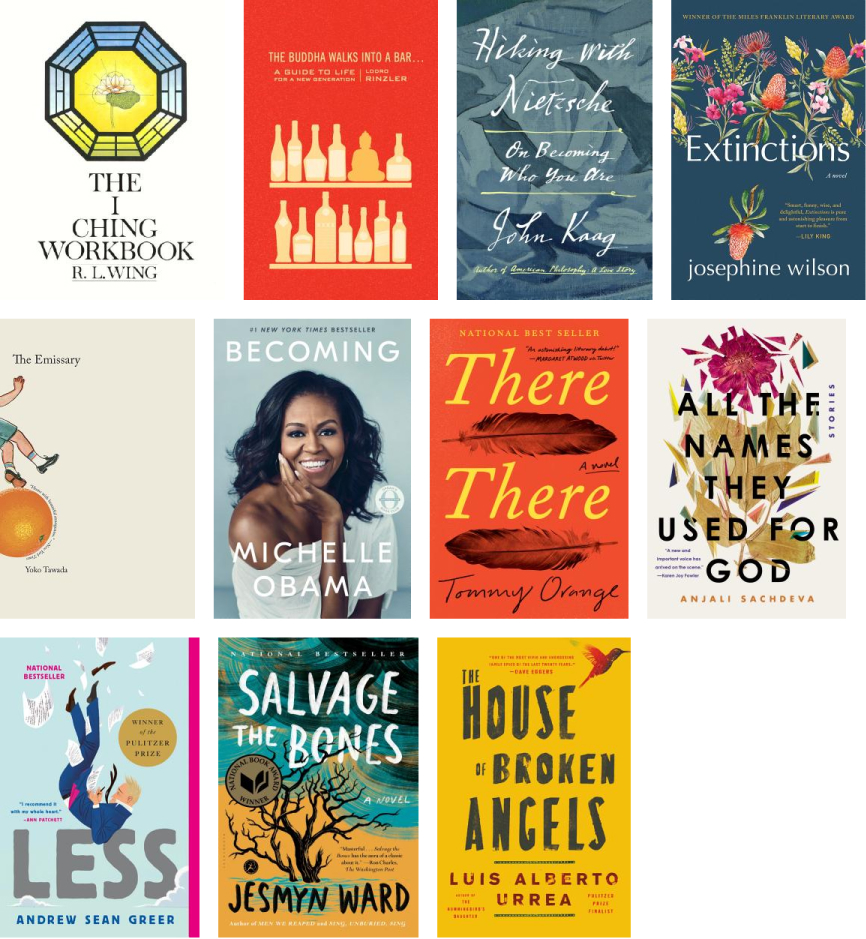
What are you reading now?
In preparation for a new year, I’ve been digging into my well-worn copy of The I Ching Workbook by RL Wing, which encourages me to “Make a sincere attempt to meet the social responsibility of the artist: reuniting people with their reality.” I find this terribly exciting in a geeky writer way. I’ve also been freshening up on meditation with the uber-accessible The Buddha Walks Into A Bar, by Lodro Rinzler, (just a fun read), and on deep thinking with Hiking with Nietzsche, by John J Kaag. These feel like required reading for life in 2019.
What I’m reading for pleasure is the novel Extinctions by Josephine Wilson, though the title scared me. (I’m not one of those dystopian narrative lovers — come on, we’re living it!) But two of my favorite authors (Lily King and Karen Joy Fowler) sing the book's praises, and I’ve fallen in love with the grouchy protagonist, Professor Frederick Lothian, who is unhappily settled in an Australian retirement village. The extinctions are of the human variety — relationships, dignity, freedom, relevance. Sad but true and revelatory, and I feel the promise of hope in the undercurrent of the story.
What did you read last?
Recently I read The Emissary by Yoko Tawada, translated by Margaret Mitsutani, which was a gift from the amazing Karen Maeda Allman. Karen served as a judge for translations on the National Book Award committee. This was the winner, and I can see why. Though incredibly slim and about the dreaded kind of extinction, its quirky, fresh take on a disappearing world felt alternately joyful and gut punched, had me laughing at times, and stunned me with its sparing beauty.
I also flew through Becoming by Michelle Obama over the holidays, kind of a guilty-pleasure read to re-enter the sanguine era of the Obamas, and perhaps to glean some insight into what the fuck happened. She didn’t go there, but she rightfully calls out evil where evil exists.
And I have to give a shout-out to a couple of favorite reads of 2018: There There by Tommy Orange, All the Names They Used for God by Anjali Sachdeva, and Less by Andrew Sean Greer. Each grabbed me by the throat in a good way, and accomplished something I would like to in my own writing: connect viscerally with the reader.
What are you reading next?
On my list to read next, two books that have long been neglected on my pile: Salvage the Bones by Jesmyn Ward (I fell gobsmacked in love with Sing, Unburied, Sing) and The House of Broken Angels by Luis Alberto Urrea. I’ve read the opening to both, then gently closed them and put them down to read at a time when I could enter fully, with my senses wide open and ready.
December 2018's Post-it note art from Instagram
Over on our Instagram page, we’re posting a weekly installation from Clare Johnson’s Post-it Note Project, a long running daily project. Here’s her wrap-up and statement from December's posts.
December's Theme: Time Travel
When I started this project back in 2005, the thought was a simple answer to my own nighttime fears: I can’t stop each day from ending, so I’ll use a post-it note to hold on to something as the rest of the day is slipping into the past. The thing I save could be anything — maybe it’s something that happened, or a person I spoke with, an object or place I observed. Or it might just be a passing thought, something that happens in my head, drawing whatever random impulse turns into a tiny record of my mental landscape. What I didn’t quite understand was how much time travel would happen. Of course I imagined the art might help me travel back to the past later (whenever it is that your normal day weirdly, suddenly becomes the past). But while the dates march predictably forward one post-it at a time, my nightly thoughts jump around in time and space back to other places I lived, people I miss, things I’m hoping for or worried about, questions about the future. Some nights what’s most on my mind is not a memory from that day, but a memory from 10 years ago. Looking at past post-its plops me into moments long gone — but at the same time, it feels like traveling into the future. The me who made that didn’t know what was coming next, but I do now. They’re each records of their own particular present, but I see other pasts and futures all over them too. Those windows are my 2nd freshman dorm room, the one with my good roommate… but college was years before I started making post-its. I remember drawing this and thinking about our room, but the memory is completely untethered from the grad school flat in North London where I was most certainly located that night. I don’t know which song I meant; it must have reminded me of older life, been its own kind of time travel, probably it’s something I still listen to. I knew I’d miss my friend when they left, but I was still hopeful at that point, didn’t know we’d eventually lose touch altogether, never speak again — no clue how true that missing would be, 6 years on. But I also have earlier post-its from reconnecting after a decade of lost contact; maybe we will still know each other again later, maybe I don’t have to feel so sad for the me that was close to them and didn’t quite see the level of estrangement ahead. Sometimes time travel just happens on its own and I’m a teenager and in my 20s and 30s all at once. I’m driving home late at night listening to some Top 40 station when it confusingly plays a song that was all over radio ONLY EVER THIS ONE TIME at the start of high school, I’m in my childhood bedroom doing homework and thinking ooh, it’s that song by Garbage and I’m also decades older, in grown-up life. My wisdom tooth coming in and all my stories about friends having them pulled are when we were barely more than kids — we’re so out of date — or I’m in my late 20s, living in England with a wife, having my first wisdom tooth pulled for £27 on that tiny town’s high street under a giant cathedral — but here I am middle-aged in Seattle, a world away, no National Health Service or wife, not a teenager. Now I’m last year’s future me, but I feel just the same.The Help Desk: Reading while listening to music should be a crime, right?
Cienna Madrid is on holiday break. Please enjoy this Help Desk from 2016.Do you need a book recommendation to send your worst cousin on her birthday? Is it okay to read erotica on public transit? Cienna can help. Send your questions to advice@seattlereviewofbooks.com.*
Dear Cienna,
Help! My boyfriend and I are both serious readers. We spend most of our nights in working through our piles of books. We even got rid of our TV.
But we didn't get rid of our stereo, and he insists on having it on while he reads. He listens to the most awful club music, all "oonce oonce oonce oonce”. It drives me crazy. I literally cannot concentrate while all that racket is on. He says if it’s too quiet, something feels wrong to him, and he can’t focus. It's like he has a second person in his brain, who he needs to distract so that he can read.
We've been alternating nights, one with music, one without, but the person who can't read that night just ends up on the goddamnned computer, cranky because they’d rather be reading their book. What can we do to address this?
Mark, on Harvard
Dear Mark,
You know who else hates "oonce oonce oonce" music? Spiders. Nothing saps the serenity of a bookish night at home more than seeing hundreds of spiders skittering about, angrily drumming thousands of tiny legs on your walls as if to spell in morse code T-U-R-N-T-H-A-T-F-O-U-L-S-H-I-T-O-F-F.
Fortunately, Valentines Day is almost upon us. Call me old fashioned but I can't think of a more romantic gift to get your bf than a pregnant wolf spider. If you were not aware, wolf spiders are agile hunters (with positively buxom abdomens, if you're into that sort of thing) who dislike music of any sort – even Buena Vista Social Club, a universal spider favorite! – and are known to release venom when provoked.
Alternately, you could buy your bf a quality pair of headphones. Or buy yourself a quality pair of noise-canceling headphones. What you cannot do is buy your spiders headphones. The technology simply is not there.
Kisses,
Cienna
Kissing Books: They can't both win, but we do
Every month, Olivia Waite pulls back the covers, revealing the very best in new, and classic, romance. We're extending a hand to you. Won't you take it? And if you're still not sated, there's always the archives.
It is a consummate romance plot move to pit the two main characters against one another.
If the heroine runs a small vintage hotel, the hero will certainly be the manager for the new corporate chain trying to put her out of business. If one heroine is a chaos goddess, the other is a paladin whose job is to banish chaos deities back to the astral plane (see below!). In my head I call this trope They Can’t Both Win and it is fantastic narrative glue: it connects our two leads long enough for the romance to begin to blossom, then puts the happy ending in suspense once they’ve fallen for one another.
They Can’t Both Win presents a zero-sum game, but it’s a rare story that lets one character completely triumph over the other. (You’ve Got Mail being a notorious example.) More often, what ends up happening is that one or both characters realize that there’s a third way to move forward: an idea sparks that lets them work together toward a shared goal, or they realize that their beliefs have been flawed and correcting them opens up new possibilities. Someone realizes there’s something more important at stake—hearts or home or happiness—and the plot goes from a cutthroat competition to something more creative and ultimately much more fulfilling.
Because a zero-sum game is still a game, and games have to have rules—rules with premises we can reconfigure, or edicts we can rebel against should we find it necessary. This is the job I’ve been hired to do only holds until there’s something more valuable than wages at stake. The twist in this plot arc requires careful balancing by an author. You need the initial conflict to be substantial, lest the reader think the main characters are unduly obsessing over something petty. But you also need there to be a loophole—not an obvious one, not a trite, rules-lawyering, bargain-basement Shyamalan kind of twist, but a real sense of something being unlocked and released. Freed. You want to find the kind of pulse-pounding, imaginative solution that appears at the end of a good mystery, when the reader sucks in a gasp of surprise and then breathes out a long, admiring Of course…
Humans crave structure, but we loathe being restricted. The same goes for love, and especially for romance: its expression between individuals depends on patterns and rituals and repetition (courtship, dating, proposals, weddings, the phrase I love you) even as the experience of being in love causes people to want to tear down boundaries we put up around other parts of human experience (race, gender, class, wealth, health, family, society, geography). Romance is both personal, because it is a feeling, and social, because it involves two (or more) people. It’s an inherent paradox. Perhaps this is why so many romances work to subvert expectations, but not too much, because otherwise we lose the cultural heft and meaning of love as a social force. We want to transform, but not to break. To shift the world a little, not to burn it down. This is not to say that romance cannot be revolutionary—merely that romance is far more likely to celebrate the kind of revolution that leaves women alive and happy and better off than they were at the beginning.
This is a particularly feminine-coded kind of dance: be pretty, but not too pretty. Smart but not too smart, and so on. No wonder romance novels so often frustrate academic feminists: who can make grand and authoritative pronouncements about such a fickle, multi-vocal genre, which continually contradicts itself on every level and seems impossible to pin down as either feminist or anti-feminist? Why, it’s almost like every romance novel has a different take on what it means to be in love! It’s almost like being forced to choose whether or not a single romance novel is feminist or anti-feminist is some kind of, I don’t know, zero-sum game!
If there’s one thing I’ve learned from romance novels, it’s this: we don’t always have to play by the rules laid down for us. Feminism is not a finite resource, to be rationed out in careful and doctor-approved doses. We’ve got to learn to be comfortable with a little chaos. We have to take chances, and make changes, and occasionally push back against all the rules regulations that keep us from moving forward into a better future. Romance is there to tell us that we can take those risks, and be rewarded for it.
Okay, maybe we can make some grand pronouncements.
This month’s books feature a host of couples resisting the rules that would limit them to misery: rules laid down by governments, religions, society, and the characters’ own pasts. Some of their releases are more revolutionary than others. All of them get us a little closer to happiness. And isn’t that what we need, heading into a brand new year?
Recent Romances:

Once Ghosted, Twice Shy by Alyssa Cole (Avon Impulse: contemporary f/bi f):
First I have to break out the all-caps: this is AVON’S FIRST EVER F/F ROMANCE! I have searched and scoured old catalogue listings and asked everyone who’s in a position to know, and yep, this is a brand-new, big-time step forward from a major romance publisher into a woefully neglected and thirsty market—and it’s f/f written by a black author, no less, with two gorgeous black queer women on the gorgeous cover. Avon isn’t stopping at this one story either: there’s a few more pairs of heroines coming down the line (including—good news!—an upcoming three-book f/f historical series from yours truly). There are going to be a ton of happy readers feeling like they’ve found the gold at the end of the romance rainbow.
I am so excited to review this, and not just for the social and historical value. Because oh, my friends, this book is so beautiful! Even more beautiful than I was expecting going in, and I always have high hopes for Alyssa Cole’s work. Likotsi Adelele was a standout side character in A Princess in Theory and it’s so gratifying to see her take her turn the spotlight, in her impeccably tailored suits and starched white shirts. I could write a whole thesis about her shoes alone. Fabiola offers a wonderful foil, both for her pin-up femme aesthetic and for the way she pivots and dodges verbally and emotionally, in contrast to Likotsi’s measured, carefully considered progress. Structurally we flash back and forth between two timelines, winter and spring, and this refracted perspective adds an aura of mystery and opulence like the bevels in an antique windowpane. The voice is insightful but playful, surprising but clear, with all the power and the effortless depth of good poetry—even old words feel new and shiny, the rhythm of dialogue and description a little slantwise from the mundane prose of the ordinary world. The setting is a New Yorker’s New York: good global cuisine, old buildings repurposed for modern generations, popup art installations, vintage carousels, and hidden pocket parks. It felt like there was a new delight on every page: a perfect sentence, a brilliant metaphor, a heartbreaking realization, the rekindling of a hope that seemed to be past reviving. It has haunted me since finishing, and it’s all I can do not to flip right back to the first page and start it all over again for the second time. This book is a marvel—it is a delectable amuse-bouche made of love and hope and healing—it is a perfect example of the romance author’s art of building whole worlds out of subjective, un-pin-downable feelings. Don’t let this one slip by you.
Likotsi’s dark brown eyes were warm with desire and with love, even if it was an impulsive love. If they both felt it, if they’d both been stomped by it, how was it different from love that grew slowly and with careful cultivation? Maybe this love was a beanstalk, sprouting up overnight and reaching for the sky.

Dance All Night by Alexis Daria (self-published: contemporary m/f):
I still cannot believe there are only 2.5 books in this excellent contemporary series based around a reality dance competition. I could easily read a full baker’s dozen of these stories and still crave more. A third novel is fortunately in the works and let me tell you this holiday novella does its level best to keep us satisfied until then.
Nik Kovalenko (younger brother of the hero from Dance With Me) wants adventure—he’s searching for something more, even if he doesn’t know what. A New Year’s kiss shared almost by chance gives him a hint of what he’s looking for, though it takes him nearly a full year to realize it (and start dropping hearts in the lady’s Instagram feed). Jess Davenport is a professional dancer and self-confessed Scrooge who thinks the only thing more ephemeral than a Merry Christmas is a promise from a sexy, ambitious man like all the ones who’ve loved and left her in the past. She’d love to kiss Nik again—the man has one hell of a mouth—but she’s skeptical about his promises to stick around long-term. He bets that three holiday-themed dates can change her mind about his intentions, and about the value of Christmas. What follows is a gorgeous emotional pas de deux: Nik leads them forward, forward, forward, but when Jess begins to take small steps of her own he panics he’s pushed too hard and retreats. It’s a perfect conflict for a pair of dancers. They have to learn to trust the rhythm between them—and not just physically. I thought Nik was just a shade too fantasy-perfect even as I wanted to wrap him in bubble wrap and protect him from ever getting his pure little heart so much as bruised. I also wanted Jess to put a little more on the line than we got, though I know even small steps are hard for her. These are, though, the same kind of criticisms as “I think I’ll try to add more vanilla next time”: small matters of taste, rather than actual flaws. On the whole this book, though shorter than its predecessors, packs one hell of a punch; it should warm your curmudgeonly cockles even after all the tinsel’s been boxed up.
Jess couldn’t have wiped the grin off her face if her life depended on it. His enthusiasm was infectious, like a disease borne on the smell of pine and Christmas cheer.

The Prince’s Mistress by Sandra Marton, illustrated by Yo Kohaku/Trial by Seduction by Kathleen O’Brien, illustrated by Karin Miyamoto
On the one hand, I had a great time reading these two swift little manga-inspired adaptations of vintage Harlequin category romances. On the other hand, the more I think about them, the stranger they seem.
Let’s take the first point first: The Prince’s Mistress never met a trope it didn’t love. We have Greeks who are also sheikhs: both our hero and heroine are secret royals, fleeing from political marriages and disguising themselves as a billionare and a fashion model because that’s how you keep secret identities hidden, with fame and fortune and every ounce of limelight. I’d tell you the rest—it’s bonkers—but I’m afraid I’ve used up all my italics for this review. Trial by Seduction is more focused, a classic category Gothic-lite: our heroine falls in love with the owner of an island hotel but he and his brothers are the three main suspects in her sister’s death on this same coast ten years ago. Oh no, what if the killer is the brother our heroine is falling in love with? This one was honestly somewhat suspenseful (I mean, no, it’s not the hero, of course, but otherwise it did manage to surprise me!) and there was more texture to the story and to the art. Both books are refreshingly straightforward about the sex scenes without being jarringly graphic—which is a long way of saying there are actual nipples when nipples are warranted but everything below the waist is tastefully obscured. Teen me would have read these over and over in the wee hours or on summer break until the pages fell right out the bindings.

And it’s that last part that niggles at me, because aside from me at that one age at that one particular time of day/year in that one particular frame of mind and with that very particular taste, I can’t image who these books are for. (Whoops, guess I had one more set of italics in the bottom of the drawer!) How big can the Venn diagram possibly be between “English-language manga market” and “vintage Violet Winspear fans”? They’ve been putting these out for at least ten years, and they show up on OverDrive and ComiXology and even the advance review sites, so clearly something about them is working, but I am absolutely baffled about how, and who, and where, and why. Delighted, amused—but baffled.
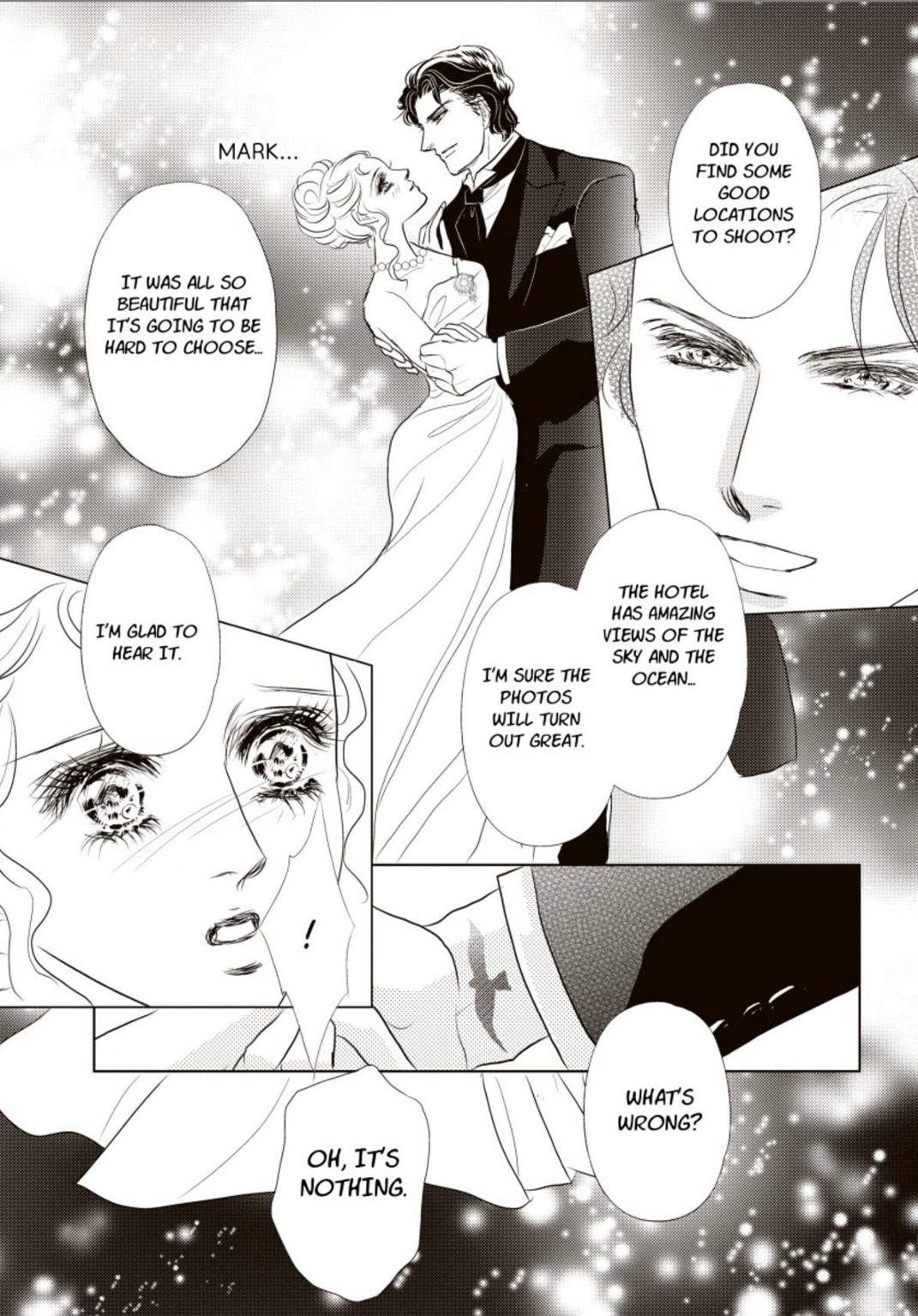

Daughter of the Sun by Effie Calvin (Ninestar Press: fantasy f/bi f):
Our first heroine Orsina is a paladin on the road in a fantasy world, destined to conquer a great evil and writing unanswered letters to a girlhood love back home. She is capable, observant, and forbidden to tell any lies. I sigh! I swoon!
And then she up and beheads our other heroine.
Now, our other heroine is Aelia, immortal goddess of caprice, so no permanent harm is done. And Aelia does have a village full of people in thrall, so clearly she’s in some pretty grey territory, morally speaking. She winds up less dead than Orsina thinks—but unfortunately she’s also trapped in this ugh organic mortal body and the god of wrath wanted her to do something for him but she wasn’t really paying attention at the time, and now the same paladin who tried to kill her is offering to protect her while they travel so now Aelia has to pretend to be human and definitely not wonder too much about her paladin’s lonely past and what it might be like to kiss her…
And thus begins the stunning sequel to one of the most memorable fantasy romances I read last year.
Allow me to be smug about this for a moment: after Queen of Ieflaria I pointed out Effie Calvin was a writer to watch, and hoo boy does she pick this story up and knock it right out of the park. There are monster fights, and small-town art clubs, and sinister priestesses, and imperial politics, and godly conspiracies, and a beautiful, impossible romance tying it all together like a golden ribbon. If you’re looking for romance in the same vein as Bujold’s World of the Five Gods, but queer- and nonbinary-friendly, you are in luck and this will completely be your jam. This second volume stands perfectly well on its own, too, so if you want to skip book one for the moment and dive straight into this one, well, I heartily encourage you. Book one was plenty good, but this book? This book is fucking perfect. Holler-from-the-rooftops, all-caps-tweeting, squee-about-it-to-your-friends kind of perfect.
As a girl, Orsina had been certain that she would never commit any of the crimes that might cause one’s paladin status to be revoked: murder, theft, extortion, kidnapping. She did not know if kissing a chaos goddess was on that list. Perhaps the Justices had not foreseen a need to state it explicitly. It was certainly in violation of the spirit of the code, if not the letter.
This Month’s Example of Exquisite Romance Prose:

The Infamous Miss Rodriguez by Lydia San Andres (self-published: historical m/f):
There is no better book vacation than a Cuidad Real story: this series of short romances set on a fictional Caribbean island at the turn of the twentieth century are invariably charming, and feature strong heroines taking chances in a world festooned with white linen, tropical blooms, and guava jam. I am a trifle sad that I have now read all of them, and eager for whenever the next volume comes out. (Or the next anything else by this author.)
This story features a wealthy bride-to-be determined to destroy her own prospects, and a former thief trying to make it in the world of honest labor. Graciela’s happiness depends on not being married off to a cold rich industrialist, and Vicente’s been hired to make sure the marriage takes place. She’s doing everything she’s not supposed to—strip-tease dancing, nude photos, visits to gambling dens—and he has to haul her back to respectability time after time after time, even as he starts to suspect there’s a very solid reason why she courts trouble so assiduously.
And now I’d like to show you this paragraph:
Vicente knew plenty of ways to keep a woman satisfied and only one of them involved grasping her by that stubborn chin and plying her lips with kisses. It was obvious from watching her that she was in serious want of affection, but perhaps part of her unhappiness stemmed from the lack of something to turn that sharp mind to—an occupation of sorts, though he knew it was unseemly for women of her station to work. To feel like her thoughts were being heard, her ideas taken into consideration… the very thing he himself lacked and was trying desperately to get.
This is a complete romance arc in three lovely sentences. It beings with attraction—Vicente is dreaming about kissing her. It moves on to say Graciela needs kissing, but not only kissing: she needs “something to turn that sharp mind to,” a purpose beyond love/marriage/sex things even if class expectations limit her potential. Lastly we get the realization that her needs are similar to Vicente’s own: he’s also “trying desperately to get” an occupation, a purpose. Infatuation, understanding, union—these are the three most significant beats in any romance, repeated in miniature as an echo of the larger arc. It’s a small but satisfying bit of filligree, in a series that manages to be both delicate and deeply moving.
Thursday Comics Hangover: Speechless, rendered
Montreal cartoonist Georgia Webber lost her voice after severely straining her vocal cords. Her new book from Seattle publisher Fantagraphics, Dumb: Living Without a Voice, is a memoir about what happened next.
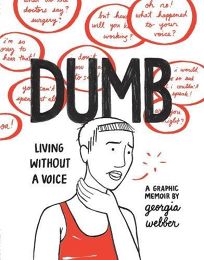
Aside from a tendency to sing in the shower, you don't get a sense that Webber is an especially verbal person. She doesn't strike the reader as too talkative, or especially gregarious. But when her ability to speak disappears, Webber realizes how much she relied on verbal communication to interact with the world.
"Mostly I'm ok, even good, but some days I just freeze," Webber writes in Dumb. "I am so, so scared."
The most impressive part of Dumb is the way that Webber doesn't fall back on tricks to relate her experiences without a voice. It would be too easy to fill the book with captions and thought balloons that explain every detail of her inner life to readers. Instead, Webber uses a hodgepodge of communication methods: journal pages, a swirl of word balloons, textless sequences, and purely visual representation.
Webber's nonstop array of techniques to tell the story of Dumb mirrors her techniques to communicate with the world when she loses her voice: she talks with people using pens and paper, using phones to text her thoughts, using signals like wearing makeup on days when she's incapable of even communicating with a whisper.
The best part of Dumb, though, and the thing that elevates it from merely a good memoir into a higher realm of artistic achievement, is the confusion that Webber allows onto her page. Some word balloons — hell, some whole panels — are scratched out entirely. Word balloons are overlapping. Some pages are all text. Others are all drawings. When her mood is particularly low, Webber draws pages as dense inky baths.
And as Webber's anxiety rises, the only color in the book — a bright, almost neon red — shows up more on the page. Webber draws auras around herself in this red to demonstrate the wall her silence throws up between her body and the world. The reds seep in to surround word balloons to illustrate the power that speaking can have over her. They illustrate the pressure building on her at parties and in other tense social settings.
Dumb isn't quite a medical memoir, and it's certainly not a harrowing story of survival. What it is, is a portrait of interiority, a record of a time in which Webber felt cut off from the world and how she learned to be comfortable — or as comfortable as possible — with that isolation.
The pleasures of PageBoy magazine, in 17 words or less
Tomorrow night, PageBoy publisher Thomas Walton celebrates the tenth issue of his magazine with a huge celebration at Hugo House featuring some twenty readers, musicians, filmmakers, and more. The tenth issue of PageBoy features a new form of poetry: The Seventeen, which Walton describes as “a poem or piece of writing consisting of no more and no less than seventeen words.” To discuss the event, Walton agreed to perform an interview entirely in Seventeens.
Why seventeen? Why not fifteen or twenty or eight or two hundred and sixty? Who decided this?
It's a bit arbitrary (though seventeen has poetic lineage in haiku). Aren't prime numbers somehow just sexier?
Has PageBoy’s growth progressed as anticipated, or has the magazine changed over time? Explain, please, if latter.
Yes, it's metamorphosed at least twice! Once when the staff assembled. Once when we started suggesting "assignments."
Can we expect ten more PageBoys? Even more? Does this project have an ending, in your mind?
Ten was the (somewhat unlikely) goal at the beginning. No end, necessarily, only further metamorphoses. Ideas welcome ...
Too many readers and performers at the event to list within constraints. Who should folks know about?
Ha! Yes, nearly thirty artists in different disciplines (poets, comedians, musicians, filmmakers) interpreting a single constraint. Fantastic!
Are publication and performance inextricably tied together? Does a magazine exist without an event to celebrate it?
Not necessarily, but who doesn't love a party? Re magazines: if a tree falls in the forest ...
The Change
I never had powerful hands. My fingers were fragile
as paper fans, thinner than pencils and less mighty.
Dainty hands, grip no good for sports, tensile strength
too weak for climbing. Do you know I never caught a ball
that was thrown to me? Not even with warning?
Hands like slippery fish, I thought the day it happened.
I was poking at a cuticle, pulling a hangnail with my teeth until it bled.
The blood, maybe, caused it.
Thumb first, then pointer, middle, pinky, ring. The nails grew
thick and yellow, wrapped the skin on three sides.
Long, like my grandma wanted. She hated me being
a chewer and painted on poison like polish.
I bred two new inches that narrowed to points,
shark teeth at the end of each digit, serrated
on every side. When they turned from yellow to black,
the word occurred. Claws.
They might have dressed a bear or dripped from the foot
of an eagle. But they originated from me, hooked,
merciless. Begging to be used.
Seattle7Writers puts a song in our hearts
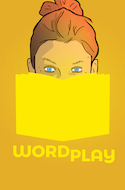
Sponsor Seattle7Writers is back with their final — come to think of it, the final — sponsorship of 2018. And it’s a doozy: they’re here to promote WordPlay, a new performance inspired by the writing of some of our favorite authors.
This is an annual event, but one-of-a-kind every year, with original music based on a fresh list of writers and works. 2018’s lineup includes Laurie Frankel’s This Is How It Always Is, Michael Schmeltzer’s Blood Song, and Anca Szilagyi’s Daughters of the Air. We’ve covered all three authors; we love all three authors. The chance to see their works as a musical is the first good news of 2019.
This is exactly the kind of event we’ll miss once Seattle7Writers is gone, unless someone (hint hint!) carries it forward. Don’t miss it — stop by our sponsorship feature page for more information, then grab your tickets and mark your calendar.
Our sponsors make the Seattle Review of Books possible. While there’s no one quite like Seattle7Writers, you can sponsor us, too — and there’s no one quite like you! If you have a book, event, or opportunity you’d like to get in front of our readers, reserve your dates now, before the week of your dreams is gone.
Your Week in Readings: The best literary events from December 31st - January 6th
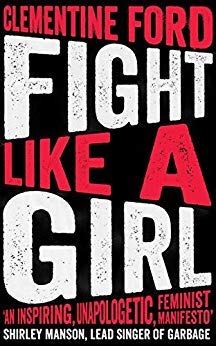
Wednesday, January 2: Reading Through It Book Club
The Seattle Review of Books's ongoing book club exploring Donald Trump's America continues with a discussion about Clementine Ford's feminist manifesto, Fight Like a Girl.Third Place Books Seward Park, 5041 Wilson Ave S, 474-2200, http://thirdplacebooks.com, 7 pm, free.
Thursday, January 3: Pageboy Release Party
See our Event of the Week column for more details. Hugo House, 1634 11th Avenue, 322-7030, http://hugohouse.org, 7 pm, free.Friday, January 4: First Friday Fremont Artwalk
Join Fremont's comic shop as they celebrate another monthly artwalk event with a selection of new art and a genuinely nice, welcoming vibe. Outsider Comics and Geek Boutique, 223 N. 36th St, 535-8886, http://outsidercomics.com/, 5 pm, free.Saturday, January 5: A Girl Named Cricket Reading
Local author Peter Manos visits his neighborhood library to discuss A Girl Named Cricket, which is his book about a "teenage alien" who is "a refugee from a doomed planet" who tries to fit in to a typical American town. Seattle Public Library, Montlake Branch, 2401 24th Ave E, 206-684-4720, 11 am, free.Literary Event of the Week: PageBoy Party
PageBoy Magazine has long been one of Seattle's most discerning literary magazines. No magazine is perfect, of course, but PageBoy has as close to a perfect record as I've seen, which is to say every contribution is edited well, written well, and curated well.
This Thursday, PageBoy is having a party to celebrate its tenth issue with a shit-ton of readers (that's 40 readers, if you don't have a shit-ton-to-metric table handy to do the converting for you) in a celebration of poetry.
For this issue, PageBoy has created a new form of poetry called a Seventeen. They describe it as follows: “a poem or piece of writing consisting of no more and no less than seventeen words.”
The list of readers onhand to read their Seventeens looks like a who's who of Seattle poetry: Laura Allen, Amanda Baker-Patterson, Steven Barker, Greg Bem, Matt Briggs, Jennifer Burdette, Bill Carty, Justine Chan, George Ciardi, Mallory Clarke, Lynne Ellis, David Fewster, Rebecca Hoogs, Jason Kirk, Nadine Maestas, Melanie Masson, Rachel Nelson, Jeremy Springsteed, Joel Savishinksky, Paul Sheprow, and Jason Whitmarsh. Additionally, musicians Nat Evans, Ivory Smith, and William Bernhard, filmmaker Amy Billharz, and comic writer Bettina McKelvey will interpret Seventeens in their own mediums.
In a week where a lot of local readings venues are still sleeping off the New Year, this event — in which writers come together to try their hand at a new constraint — seems like the best possible way to kick off 2019.
Hugo House, 1634 11th Avenue, 322-7030, http://hugohouse.org, 7 pm, free.
The Sunday Post for December 30, 2018
Each week, the Sunday Post highlights a few articles we enjoyed this week, good for consumption over a cup of coffee (or tea, if that's your pleasure). Settle in for a while; we saved you a seat. You can also look through the archives.
Sometime in the past few weeks, hidden in the hustle of year-end deadlines and shopping and travel, I passed the two-year mark with this weekly roundup of writing-worth-reading. That’s more than 100 columns (can that be true?), and somewhere between 300 and 500 short paragraphs trying to find a new and compelling way to say “you oughta read this.” Those little blurbs so often feel like an awkward though well-meant intrusion, inadequate against the writing they attempt to describe.
I’m not very much for social media, so the articles here come from my own travels across the web, from friends who are very much for social media, and from other curators — Jason Kottke, Matt Muir, Longreads and Longform. It’s harder and harder to find amazing essays that haven’t been posted on multiple such lists. It’s harder and harder to find amazing essays that aren’t on the same set of themes, the ones we all stared at all 2018: the alt-right, the tech elite, the patriarchy.
So I don’t make that a goal. I just look for essays that compel me to read all the way through, riptides in the ocean of digital words. Of those, there are few. I start and do not finish tens if not hundreds of essays and articles a week; I’m in Pocket’s top 1 percent of users again this year, based on volume (and compulsive digital tidiness; Pocket loves people who bookmark, read, and delete). The weekly scan can be tiresome, and numbing — until a gifted writer surprises me awake again.
I always wish I could share more work by Seattle’s writers. We are blessed, did you notice?, with stunning essayists: Kate Lebo; Kristen Millares Young; Anca Szilagyi, Jessica Mooney and Donna Miscolta, who to the Seattle Review of Books’s delight sometimes write here. So many others! Maybe someday I’ll figure out a foolproof way to discover their writing as it’s published — one that doesn’t involve Twitter. For now, it’s a good week every time they cross my screen.
Last Sunday of 2018; last post of the year. May 2019 bring more surprises and fewer Nazis. Here we go!
Bastard
This essay by Elizabeth Wurtzel (Prozac Nation) is superbly written — barbed, crisp, disarmingly conversational (given the barbs) — and startling. It involves a case of mistaken paternal identity, breast cancer, and a chimpanzee. The patriarchy makes an appearance, as does the publishing elite (spoiler: those two appear in many of the same scenes), but it’s blissfully free of both the tech elite and and Donald Trump. Here, Wurtzel describes the realization that the troubled relationship she’d been trying to heal was with the wrong father.
I have been working out that relationship all of my life, in writing and therapy and conversation, with cocaine and heroin, with recovery and perseverance, and with my thoughts. I think so much. I can’t stop thinking. It’s all exposed. I don’t have a subconscious.
You can’t surprise me.
But this surprised me.
I have been working out the wrong problem.
Thousands of words on the wrong problem. I have perfected a two-handed backhand to clobber the lob that is coming at me that is: the wrong problem. I have aced the wrong problem.
Benefactors and Malefactors
The compromises described in Whitney Curry Wimbish’s article about the benefactors of the Whitney Museum — including a board member whose wealth comes from selling teargas to be used against migrants — are by no means peculiar to the art world. Most well-funded nonprofits, no matter what careful, committee-driven screening policies they put in place, will come up against the question of whether doing good justifies taking bad money.
Whenever moral compromise begins to feel like a necessity (e.g., “I have to be on Facebook! My job requires it!”), it’s time to check our assumptions — and double- and triple-check who shaped them for us. This is how structures of power are built, and how we all become complicit in maintaining them. And if you’ve got a lot of money to give: maybe ask who else is on the board, and take your money off the table if you don’t like the answer. It may not be the change you were looking to make, but believe me, it’ll matter.
It’s ... a stark reminder that people with blood on their hands will always have a chance to rehabilitate their image. In this case, museums use them to keep their lights on: by appointing big donors to the board, sometimes requiring they donate a minimum amount, and then assigning them such duties as fundraising, “educating policymakers,” and “thinking strategically,” according to the American Alliance of Museums’ most recent report on museum boards. And in exchange for this, donors can represent to the rest of us that they are our benefactors, regardless of what else they’re up to. Now they’re “philanthropists.”
The "Future Book" Is Here, but It's Not What We Expected
We all thought the book of the future would be a sort of literary flying car — digital, interactive, transformative. Craig Mod says it is all those things, just not wrapped up in a Kindle: it’s self-publishing, it’s e-newsletters, it’s audio.
Interesting, but … disappointing? I want the Flying Car Book of the Future to be more delightfully bookish, to capture the, um, ur-ness of “book” but with rocket fuel and a dizzying sweep from the ground to the sky. I want to lean over the side and watch Amazon turn into a tiny, earth-bound dot. I’m holding out for that Future Book — see you up there?
A “book” is just the endpoint of a latticework of complex infrastructure, made increasingly accessible. Even if the endpoint stays stubbornly the same — either as an unchanging Kindle edition or simple paperback—the universe that produces, breathes life into, and supports books is changing in positive, inclusive ways, year by year. The Future Book is here and continues to evolve. You’re holding it. It’s exciting. It’s boring. It’s more important than it has ever been.
Whatcha Reading, Whatcha Reading?
Every week we ask an interesting figure what they're digging into. Have ideas who we should reach out to? Let it fly: info@seattlereviewofbooks.com. Want to read more? Check out the archives.
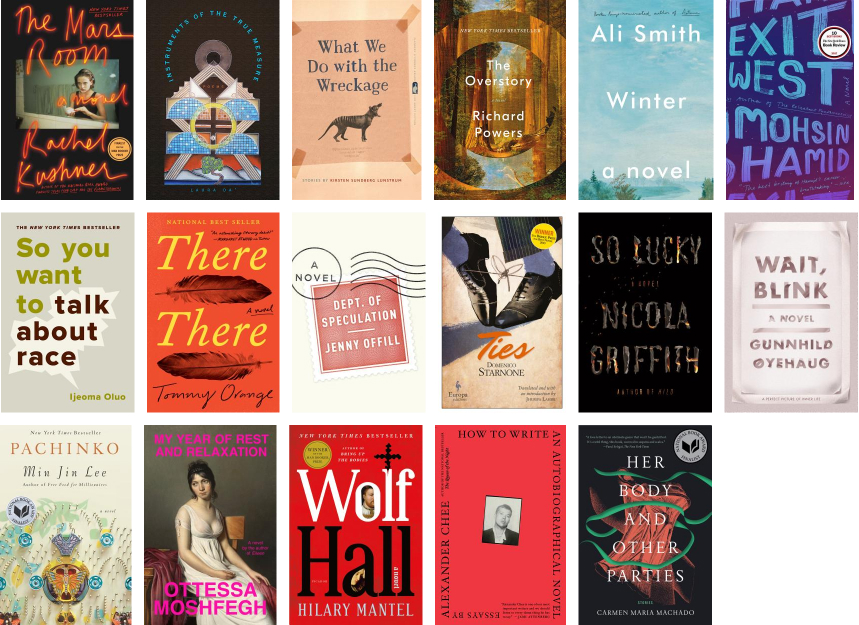
Whatcha Reading is a year old! We started this column at the top of 2018, because we love hearing what people are reading. It's such a great way to discover overlooked books, but it's also a great way to judge what books are popular.
So, for the year end, we decided to look back at books that have been mentioned in the column more than once, and make a list. This would be the most popular of our Whatcha Reading reports.
Only one book — Rachel Kushner's The Mars Room — was mentioned three times, so that's probably the best place to start, but all three people who mentioned it put it in "What will you read next?" so there's no good quote to accompnay the mention.
All the following got mentioned twice, and are presented in no particular order:
- Instruments of the True Measure — Laura Da'. Paulette Perhach said "I pretty much just fangirl over her work every time. It’s embarrassing, but I can’t stop."
- What We Do With the Wreckage — Kirsten Sundberg Lunstrum. Kristen Millares Young called it a "potent collection of short stories," and a "slow burn."
- The Overstory — Richard Powers. "For once, Richard Powers is not showing off how damn clever he is," said Lesley Hazleton, "...maybe because he really cares about trees — and humans — and how they communicate (trees with trees, humans with trees, humans with humans). It’s moved me to tears at times, and am already buying extra copies for friends."
- Winter — Ali Smith, of whom Kit Bakke said was "pretty fearless about making readers do some of the work, but rewarding them at the same time"
- Exit West — Moshin Hamid. Priscilla Long said that it was a "A moving love story set in the violence and dislocation of the world as we know it."
- So You Want to Talk About Race — Ijeoma Oluo, of which Jessixa Bagley said "I don’t use Twitter much, but as I’m reading this book, I feel like I should be live tweeting every line."
- There There — Tommy Orange, who Jessica Mooney called "an incredibly gifted writer, [and] a kind human being.
- Dept. of Speculation — Jenny Offill.
- Ties — Domenico Starnone (translated by Jhumpa Lahiri), which Lauren Cerand "loved", and which "won a prize the next day, so I felt very clever for a moment with my morning coffee."
- So Lucky — Nicola Griffith. Sharma Shields previewed her recent compelling must-read review in Cascadia Magazine by calling it "a kickass novel about the monster of multiple sclerosis; this was an intimate, difficult, and ultimately bracing read for me given my own struggles with MS"
- Wait, Blink — Gunnhild Øyehaug. Deb Caletti said it's "charming, odd, yet quietly profound...I loved it."
- Pachinko — Min Lin Jee. Kim Fu said "it made me sharply aware that “history” is living and endless, as much of the present as the past."
- My Year of Rest and Relaxation — Ottessa Moshfegh
- Wolf Hall — Hilary Mantel. Kory Stamper likes to read Mantel before bedtime, "the writing has such a lovely texture and rhythm and playfulness to it."
- How to Write an Autobiographical Novel — Alexander Chee. Lucy Bellwood says "I tore through it in one sitting on a flight home from Toronto, in tears maybe 70% of the time" (and, it's worth clicking through to see the illustration she gave it!)
- Her Body and Other Parties — Carmen Maria Machado Alix Christie said "These stories are blowing my mind. On the one hand they’re visceral, sexy, physical, and on the other fantasmagorically surreal — yet also terrifyingly plausible."
The Help Desk: How do I make pot and books play well together?
Cienna Madrid is on holiday break. Please enjoy this Help Desk from 2016.Do you need a book recommendation to send your worst cousin on her birthday? Is it okay to read erotica on public transit? Cienna can help. Send your questions to advice@seattlereviewofbooks.com.*
Dear Cienna,
I love to read. I love to smoke pot. I can't smoke pot and read. I can get high and watch movies, but words on a page get all swimmy when I've had even just a single puff. But I have friends who love to smoke and read, and they make me so jealous when they talk about sitting down for a night with a book and a joint and reading two or three hundred pages at a go. Can I make my dream a reality, or is my own brain chemistry working against me?
Jean in Shoreline
Dear Jean,
I find your friends' claims of reading (let alone retaining) hundreds of pages of text while high incredibly suspect, perhaps because I have trouble with basic tasks while high, like peeling fruit, blinking, and telephones. What in the Oxford-loving fuck are your friends reading and how could it possibly be more fun than rubbing your belly and chanting the word "velocity" under your breath in a dark closet?
To your question: Instead of reading books, give graphic novels a try. Ignore what little text there is and focus on the beautiful illustrations. I'd start with Black Hole and Bottomless Belly Button – both of which, if memory serves, are pretty light on text. Another option is to pick up Weathercraft or Congress of the Animals by local genius Jim Woodring. Most of his books are wordless, beautiful and weird.
Kisses,
Cienna
Aaron Bagley's Dream Comics: Wrap up
Aaron Bagley is taking a nice week off at the end of the holiday season. We thought we'd look back at some of the preview images from his column this year. Click through to see the whole comic, or look through his archives.
Portrait Gallery: Happy Holidays

Wishing you and yours
a quiet spot with good light
and plenty of books to read.
Criminal Fiction: December's children
Every month, Daneet Steffens uncovers the latest goings on in mystery, suspense, and crime fiction. See previous columns on the Criminal Fiction archive page.
Reading around: new titles on the crime fiction scene
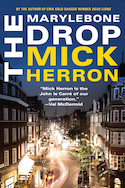
A lovely end-of-the-year treat pops up in novella form with Mick Herron’s The Marylebone Drop (Soho), a mini Slough House outing. The slim-as-you-like, 71-page tale packs a powerful punch in Herron’s beautifully-choreographed story of retired spies, fixers, handlers, double-agents, and espionage administrators doing their intricate dance in London’s mean streets, modest flats, and hallowed political buildings. Herron, no slouch when it comes to multi-layered narratives, also delineates a delicate line where the old world of proper, solid pensions and other financial safety nets meets the new one of vertiginous uncertainty.

The highly entertaining game is most seriously afoot in A Shot in the Dark by Lynne Truss (Bloomsbury). Set in 1950s Brighton – and with wide-open winks and nods to Graham Greene’s Brighton Rock a-plenty – Truss’ crime-fiction caper packs in a vicious theater critic who is also a critical witness to a years-old crime; a couple of “angry young man”-style playwrights; a woman who can bend bars of steel; a phrenologist; a young but punctuation-perfect reporter; and a clutch of coppers who have about a dozen Achilles heels between them when it comes to solving mysteries. Murder, both cold- and hot-blooded, gangsters, and a suspiciously high number of comforting cups of tea and accompanying cakes make for a quasi-cosy and very funny read.
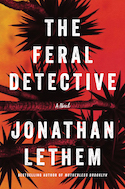
The eponymous detective, one Charles Heist, is not the only feral entity in Jonathan Lethem’s The Feral Detective (Ecco). The New York City born-and-bred Phoebe Siegler knocks on Heist’s dusty California door after 1) impulsively quitting her lucrative New York Times job after “the notorious day in November when my boss and all the rest of them sat deferentially with the Beast-Elect at a long table behind closed doors, to soak in his castigation and flattery,” and, 2) her good friend’s daughter goes missing out West. In an openly post-2016-election writing-fury, Lethem sends Phoebe charging across the country and spins a mesmerizing narrative that includes a spot of _Fight Club_-style action as well as unabashed takes on New York’s F train, Leonard Cohen, and Tinder. It’s all bit wild, a bit wacky, and downright deeply disturbing in some parts, imparting a hallucinatory, sinister quality that isn’t easy to shake, but seamlessly fits with our contemporary territory.
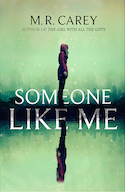
There’s a definite other-worldly element humming through Someone Like Me by MR Carey (Orbit), in which recently-divorced mom Liz Kendall draws on surprising physical and mental strengths that feel completely alien to her when, one evening, her husband turns fatally violent. At the same time, Fran, a teen at school with Liz’ son, Zac, is undergoing intensive therapy in a bid to recover from a frightening episode ten years earlier. The fireworks start when two slightly overlapping worlds meet and Liz, Fran, and Zac, each in their own way, must confront a reality inhabited by the ilk of parallel worlds, ghosts, daemons, and familiars. A domestic thriller brimming with literal extraordinary life, Someone Like Me will make you look at those derelict, road-side motels in a whole new light.

A bit too tidy and a bit too pat, Christina Dalcher’s dystopian Vox (Berkley) is nevertheless all-too-creepy for what it all-too-clearly imagines: a ginormous Bible Belt and its inhabitants overtaking the entire country up to the highest order; punishments and authoritarian control that include enforced religious recitations and a rabid creep of Christian patriarchal credos embedded in schools; and a harrowing glimpse into the fact that, robbed of language, young humans miss out on crucial development. A dark, near-future vision indeed, vividly brought to chilling life.
The Quintessential Interview: Katrina Carrasco
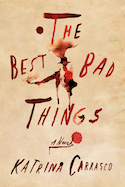
Seattle-based Carrasco’s debut novel, The Best Bad Things, showcases the 1887 smuggling haven of Port Townsend, Washington, where ex-Pinkerton detective Alma Rosales thrives in her second identity of one Jack Camp, a bruiser and a brawler with brains. Immersed in the wilds of the Wild West, Rosales/Camp is equally at ease in ladies’ boudoirs as she is at a pugilistic competition, and just as eager to seduce ladies as she is her male colleagues. But in amongst the thieves, stevedores, corrupt officials, and local businessmen, she has her grisly work cut out for her in this Puget Sound setting where one wrong turn can bring down an intricate house of cards. Carrasco’s vital writing brings to vivid life a world in which life is cheap, opium is a primary currency, and human smuggling is just one of multiple deadly rackets.
Catch Katrina Carrasco at the following local and regional events:
- Jefferson County Historical Society, Port Townsend, at The Cotton Building, 603 Water Street, January 12, 1pm.
- Auntie’s Bookstore, Spokane, February 9, time TBD
- The Elliot Bay Company, Seattle, with Sharma Shields and Anca Szilágyi, February 13, time TBD.
- King’s Bookstore, Tacoma, February 21, 7pm.
- And check out this cool interactive map which takes you on a canny journey through the Port Townsend of The Best Bad Things.
What or who are your top five writing inspirations?
I love writing complex, unpredictable women; once the characters gather critical mass it feels like I’m in conversation with them and they’re showing me the way, which is an amazing process. I want a bigger canon of queer literature and I want to be part of creating it. Same for happy stories about queer people. The Pacific Northwest is a great character in itself, and time in the mountains, in the forest, or by the sea recharges me. I’m fascinated by sentence-level sound and syntax: how every line can be a poem, and how those poems can coalesce into paragraphs, and eventually accrete into a book.
Top five places to write?
In bed with a big cup of milky coffee. Seated by a window while it’s raining outside. In a cabin on Whidbey Island. Anywhere with a view of squirrels playing in the trees. I’ve written some of my favorite passages while aboard Washington State Ferries.
Top five favorite authors?
This list is ever-changing, but right now my top five are Cormac McCarthy, Maggie Nelson, Patrick O’Brian, Ali Smith, and Luis Alberto Urrea.
Top five tunes to write to?
I usually pair a single instrumental album to a long writing project. The upside of this is I can play it anytime and mentally drop into the story world; the downside for anyone sharing space with me is I will play the same songs hundreds of times! For The Best Bad Things, I almost exclusively played the Sherlock Holmes soundtrack by Hans Zimmer. I also like his soundtracks for Gladiator and Pirates of the Caribbean. Fat Freddy’s Drop’s Based on a True Story is a chill album for editing/reviewing time. And I’ve been listening to Perfume Genius’ No Shape while writing a character study for a new project.
Top five hometown spots?
Chocolati Café in Greenwood when it’s cold and wet outside. Golden Gardens beach in summer. Raygun Lounge in Capitol Hill (which has my very favorite arcade game, Bust-A-Move). El Centro de la Raza community center. Betty’s Body of Knowledge trivia at Solo Bar.
Thursday Comics Hangover: Los Angeles, city of animation
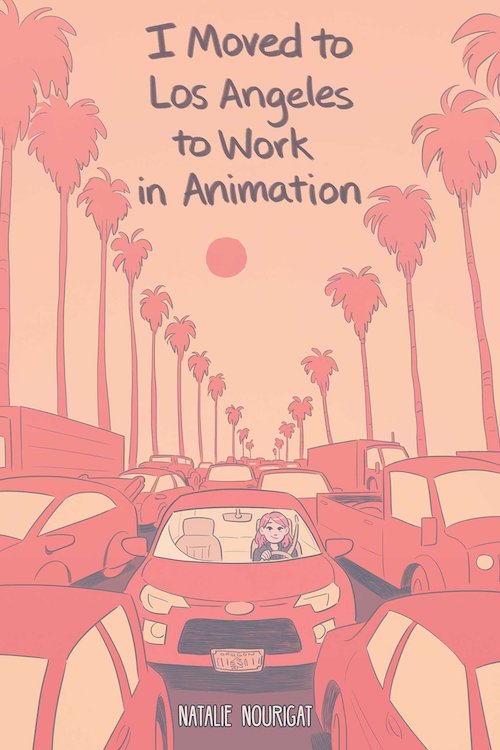
Natalie Nourigat's comic I Moved to Los Angeles to Work in Animation is exactly what it says in the title: it's the story of what happened to Nourigat when she moved to LA to pursue a career in animation.
If you asked me to quantify it, I'd define the book as about 30 percent memoir and 70 percent a career how-to guide. Nourigat withholds a lot of personal details (don't expect relationship drama here) in exchange for broad strokes about what it means to be young and in animation.
This is practical information, delivered by a pragmatic (but cheerful!) guide. The fact that the cover of the book features Nourigat in her car sitting in traffic on an LA highway should offer some context about what to expect: she gets into the nitty-gritty of moving to LA, even specifying that many Los Angeles apartments don't come with refrigerators.
Perhaps aspiring animators might feel let down that so much of the book concerns itself with the details of life in Los Angeles, but the truth is that geography is still a vital component of show business. Even if you're the next Walt Disney, you're never going to get a job working in the story department of a Netflix animated show if you refuse to move out of St. Louis.
And the fact is that geography has impacts on art, too. Consider this passage:
I miss walking a lot. I daydream about walking cities all of the time. And I miss drawing people walking. I barely sketch from life anymore. It's hard to find a good cafe with seating and a view of foot traffic like I'm used to in other big cities. LA is just not a pedestrian city, and people-watching spots are few and far between.
Where you live impacts your art: both what you draw and how you draw it. Would movies have as many car chases if they were made in a city with a walking culture? Would animation look more naturalistic and human-scaled if animators walked to work every morning?
Even for someone who never once considered a career in animation, Los Angeles is an interesting comic. Nourigat is a gorgeous illustrator — in just a few lines, she can render a complete sensation of a whole city, or a panicked expression, or a workstation at a Hollywood studio. The vibrancy of her line calls to mind great cartoonists like Jack Cole.
Unfortunately, the comics part is a little less impressive. This book demands a lot of text, and the balance between words and pictures is more than a little lopsided. (The last section of the book especially, which features interviews with animators, is basically walls of text hanging over tiny sketches of faces. These interviews are interesting and valuable, but they're very bad comics.)
But not every comic needs to be a masterpiece of synergy between words and pictures. Explanatory texts like this one can be more wordy and essay-like. There is not enough money in the world to pay me to read a full-length prose book about breaking into the animation industry. Nourigat's comic on the same subject, though, not only won me over, but it entertained me the whole time.
Community, creation, and consciousness: our year of conversations with writers
Every week here on the Seattle Review of Books, we run an interview with a new author, bookseller, or some other noteworthy literary figure. What follows are some of our favorite quotes from the past year. We look forward to another 52 weeks of discovery and conversation.
"I really like the ambiguity of poetry and I also hate to be told what to do, ever. So poetry is really appealing to me." — Laura Da'
"I wrote all the letters of the alphabet and I erased portions of it." — Levert Banks
"Has book reviewing ever had a future?" — David Ulin
“For whatever reason, each side of [Washington state] has their own opinions of each other, but I felt very lucky to have a home in both...I think the more we can combine our scenes, the better.” — Kim Kent
"Who you are will come through." — Calvin Gimpelevich
"I decided for myself that I want to be a writer who helps writers." — Paulette Perhach
"I’m very purposefully trying to set up situations where something will arise that is beyond my conscious control." — Elizabeth Austen
"I would rather just have a dedicated handful of people that care about what I write, I suppose." — Kate Berwanger
"A lot of folks are looking for answers and new ways of thinking, and they’re turning to art to kind of grab onto those new worlds and try to expand our view of what could be. Intense times equals intense poetry.” — Troy Osaki
"Every time I translate a poem, I learn something new.” – Eleanor Goodman
"The specificity of language is important to me. There are some things that really work better in words, that wind up being cumbersome if you try to do them in pictures or in words and pictures." — Ellen Forney
"Whenever I’m working on any kind of character, I’m always looking for that zone where their hopes and fears intersect, and the weird patches where they’re not actually sure about their own moral standing or certainty — where they’re not just charging in with this very, very clear sense of what is right and wrong. I’m much, much more interested in the nuance in the middle." – Eliot Peper
"Without poetry, I would not be.” – Jeanine Walker
“I prefer to stay in my little universe and help the characters grow old...I’m getting older, you know, and I just want to see what happens with my characters. And so I concentrate on them as real people and try to figure out, ‘okay, what are you going to be at 60?’” – Jaime Hernandez
"What I’ve learned for myself is that I can’t write poetry alone. I’m always absorbing what other people have taught me, and I think that’s how we all work as poets: absorbing and is being influenced by each other.” — Azura Tyabji
6 ways to use a spoon
First, to dig a ditch
the shape of a body
or,
shallower and closer to home,
scrape off flaky lead
paint or dead skin
blistered dry by sun. Second,
to play a trick or spoons or pull
with your teeth — bend with your mind to make
a spectacle.
You’re a spectacular jubilee.
Look,
it’s a mirror holding your face that ends
up where the light curves
where you end
and the up ends.
Comeuppance upends
in an up-
stairs away from the noise of the kids.
You barely recognize your self-
portrait in a convex curl.
Third,
to pool light in,
to sip lightly from,
to be a way toward light —
a conduit connecting cut lamp wire. Fourth,
to scoop the eye jelly of a Cyclops
from between your foot and sandal or
scratch off the sap-turned-tar of a burnt log
driven into the oculus of some Polyphemus,
which either means much
renowned or many
reputations or
a straight-A student cutting
sophomore English again
like here we go digging again —
a hole
the size of a larger body
this time.
Isn’t that the way it goes? Fifth, to steer
a mouse afloat,
a rudder or oar for a mouse-sized boat.
I’ll say hat,
and you’ll say
we’re playing again.
Sixth, I’ll say poem,
and you’ll say
we’re playing again.
I’ll say this spoon is an or.
Oar?
No, or.
I think you mean and.
I think I mean and
I’m startled that I do
at all —
Is it you?
Rose’s phone was face down on the table glass when the text came through and halted their chatter. Something about the way it sat abutting a fork caused a clattering buzz, over-announcing the message. Rose’s office-mate Jersey spit a laugh.
“I need to get that ringtone for my kid so he’ll actually answer me.”
Four of them were taking a long lunch, the office was slow the week before the holiday break. Rose flushed with the attention her suddenly large and noisy handset drew. She lifted it, and saw the text was from an unknown number. “Attachment: 1 image”.
Unlocking the device, she got a quick glance of skin, of shadow, of a stocking top on a leg. She shut her phone and put it back on the table.
“Must be a fella they way you’re blushing,” Jersey said.
Rose slid the phone off the table, and unzipped her purse to chuck it in. She shrugged. “Wrong number,” and took a long drought on her beer.
"Oh, I'm sorry, Rosie," Jersey said, catching herself. "I shouldn't have said anything. I know it's too soon for jokes like that."
"You're okay," said Rose, patting her hand. "Let's forget it."
Later, in bed reading, Rose remembered the message and opened it. She pressed her finger on the photo and made it go full screen. Was that a leg? The image was dark and hazy, full of the dots you see in low-light digital photos. It seemed to be a leg, but was that a stocking? There was a line across the thigh to be sure, but it could be a shadow.
She shivered, looked up at her ceiling fan spinning lazy circles, then over at the heater vent which she now saw had shut off a few moments earlier. She pulled the quilt back up.
Throwing the phone down beside her, she went back to her book. A glance at the screen, still bright, revealed something. In the corner, in the shadows, a face. She grabbed it and looked again, but it didn't resolve. She turned the phone to an angle and there was a reflection of some light — was that what made a face there? She put the phone on do not disturb, locked it, and went back to her book.
But her mind could not settle into the story again. She saw that leg, a flashbulb imprint in the darkness of her mind. She saw that face, where it wasn’t in the corner. She saw those dots of grain, the texture, the feel of the image.
It was a feeling that put a little knot of tension between her heart and her stomach. There was something unsettled and misunderstood about the whole thing.
The firm was only open one more day before the break, but nobody was at work except sales and administration. The wind buffeted their skyscraper, in an event the newscasters called the Christmas Gale. On the thirty-first floor they rocked back and forth. You could feel it move, swaying and creaking like they were on a weirdly tall boat. The glass windows bowed with each gust, distorting the light reflections. Rose finished her work as fast as she could, straightened up her desk so that it was neat to come back to in a few days, and left before three.
On the way down the elevator there was a terrible shriek — a metal-against-metal screech that made her jump and grab the hand rail. The wind, in the building, bending the shaft that the squared box descended within. She held her breath until the doors chimed open on the ground floor.
She looked at her messages on the bus home. She had three. One, from her son, asking after a time to talk that night. Another, from her high school best friend, was a family photo and holiday greeting (she must have felt guilty not sending a card after receiving Rose’s). The last was from the same unknown number as before.
The photo was dark again, and like the other one appeared to be a woman in a room somewhere. It felt clandestine, candid. She had her back to the camera, a scooped-back dress on. Hair was wavy, curled. One hand was blocked by her torso but the second held something.
Rose pinched to zoom on the hand, but the bus lurched, and she dropped her phone to the floor, it clattered up the aisle. She got up to retrieve it, a nice woman helping her get it from under a wheelchair where it had settled. The screen was spider-webbed with cracks in the glass.
She returned to her seat. The man next to her was taking video out of the window and laughing, a Santa blocking traffic — the reason the bus stopped so suddenly — naked from the waist down, stumbling, yelling, holding his hand to his forehead.
Rose turned away, disgusted by callousness of the laughing filming man. Her screen thankfully turned on under the broken glass, so she texted her son: - 7 is fine. Looking forward to hearing your voice.
She answered her friend with some heart emojis, looking over at the man next to her, who was playing back his recording of naked Santa, laughing at someone else's misery.
She was eating dinner at 6 when her phone buzzed again from her son: "Ma, is tonight okay? What time?"
She opened the thread to see that her message to him about calling at 7 was missing. She plugged in her headphones and dialed him instead of texting again.
"I wish I was there with you," he said. He was stationed at Fort Shafter in Honolulu, but could only get a few days off this year.
"You work so hard, you go have a nice time and don't worry about me."
"But this year of all the years. I think I should have come home..."
Her handset buzzed, a calendar invite: "Phone call" at 7pm. From who? It just had a phone number on it — that phone number.
She looked in the mystery thread only to see she had sent the message for her son here by mistake. She had invited this stranger to a phone call this evening.
"...your first year without Dad. I don't want you to be alone."
This was stupid. Who was that texting her, and now they were going to call? She declined the meeting invite.
"Mom?"
"Sorry?"
"You okay? You seem distracted."
"I'm okay."
"I'm sorry I can't be there with you."
"I know, honey. You have a nice Christmas, and I'll see you when I come in a few weeks. I'm ready for some beach time."
What was the woman holding? Maybe it was just the blurring, but it looked like a little specter. It glowed in her hand. As an illusion, when Rose turned her phone and the pixel light caught the cracks in her screen just right, it looked like the woman's hand was opening and closing, the item shifting and glimmering. What a strange effect.
Again, like the previous picture, there was something compelling to her, something drawing her in. What were these pictures of? They felt wrong, but familiar. Like bad photocopies of a bad photocopy of a known image, like the original signal had been lost.
Her phone rang at 7:30. She was watching Holiday Inn, with Bing Crosby, and because she had declined the meeting request, she had forgot all about the invitation. She answered the phone, barely glancing at the screen.
Static. Then a voice, barely. She paused the show and turned up the volume on the speaker. Was it saying her name? It couldn't know her name. She listened, from far away a sound not unlike the elevator had made, screeching. It gave her goose bumps. Then the voice again, yes, her name, distant and faint: "Rose." Crackles. The radio tuned to a dead channel.
"Who is this?"
Crackle, then clicking, like pearls on a hard table.
Then the voice was clear: "Rose, please."
The line went dead.
The phone buzzed.
Another image.
This one was more familiar, a section of a larger photo maybe, the woman's hair, again, but she was close to the camera and a mirror in the background reflected perhaps a man laying on a bed? But like the others, it was unclear, uncertain, riddled with hazy dots and unresolvable clarity.
She had seen it before, though. She definitely had seen it before.
On the morning of Christmas Eve Rose volunteered, then took herself to a movie. She had declined quite a few offers to join friends with their families for dinner, and instead made stew like she had for many years. Dan always worked Christmas Eve, so they did something simple. Rose thought it a pedestrian dinner for a holiday, but she served it at a beautifully set table. She had hated custom for years, until suddenly, one year while telling someone about it, she realized she felt pride about it. It's regularity and repetition had won her over.
She listened to holiday music, and cooked. She set the table for four, because setting it for one seemed absurd, and two was impossibly sad. She ate alone, with a bottle of wine from Dan's favorite maker.
Her sister called, but she let it go to voicemail, preferring to live in what she was feeling rather than describe it, or pretend she felt better.
When she was done cleaning, when she had eaten a slice of pecan pie, she checked her phone, with its cracked screen. She listened to the voicemail from her sister, she saw her son had texted her a picture, of him on the beach wearing a Santa hat and board shorts.
There was a little sticker on the image with palm tree cartoon: "Come to Hawaii!"
Rose got the next image at eleven that night. This one had lines across it, like the compression on the image was messed up. It was people's feet, lots of them. A crowd, maybe at a dance. Polished dress shoes and heels. The ones in the front looked so familiar.
Rose gasped. They were the shoes she got married in.
She texted back - Who is this?
Delivered, the phone said. Then, a second later that turned to Read.
The bubble that showed someone typing came back right away. Then, it disappeared. It came back a moment later, and then a text came through.
- Is it you?Rose texted back - how did you get those pictures?
The bubble. Then: - Is it you?
No more texts came through that night.
Rose spent Christmas morning digging through boxes to find the wedding pictures. She had resisted getting them scanned and put online for years, and now she was regretting not being able to pull them up so easily.
She found the pictures, all of them. They were all in the album.
First, the picture of people dancing. It was from their reception, and the distorted, texted image was a small close up of a much larger picture, it was their first dance, after everybody had joined them. They were beaming, laughing, care-free.
The other two she found right away, taken as candid shots by the photographer in the boudoir as she was dressing. So the first did have a garter, and it was her leg — but the real photo was pulled much further back, and there was her mother, and her sister, and her bridesmaids, all drinking champagne.
The second was a moment later when her dress had been zipped and settled. Funny how the digital copy made everything seem dark and strange, clandestine like a hotel room at night. How it highlighted the curves in her wavy hair. The real picture was bright and clear, cheery and full of promise.
Then the one with the man on the bed in the mirror, which was Dan. He insisted to come into the room to discuss something, and was made to be blindfolded by her very traditional mother. Rose had caught him lifting the cloth and peeking at her when he guessed mother wasn't looking. He had winked, and later told her that he only came in to see her because he didn't believe in bad luck. They were going to be together for life.
Then she remembered: the picture with something in her hand! She looked back at the one of her in her dress, and leaned in close to see. It was paper, she was holding paper in her hand that day. It was a few moments before it came back to her: the letter.
A week before their wedding day, Dan had written Rose a letter. "if you don't know the true me, the me that I am in my heart, then you are missing the opportunity to love that person." He had told her things in that letter that he had never confessed to anyone. It was a brave act, to show yourself so nakedly, a leap of faith.
She wrote him back in kind, sharing her own inner fears, and thoughts. Exposing herself to him. She was clear that she wanted him as he was, not the man he projected, or even the man he hoped to be someday. She was clear that she accepted him, and loved him for that. He did the same for her.
They agreed to have their letters with them at the altar, Her letter to Dan in his pocket, his to her folded under her garter against her skin. When the picture was taken, she was about to tuck it away.
They took the letters on their honeymoon and burned them in a beach bonfire, holding hands, as a vow of their union and togetherness. She had almost forgotten. She had almost forgotten, replaced by years of other memories. Replaced by Dan gaunt, weak, suffering.
Rose texted the number:
- Dan, is this you?Delivered. Read.
Then she wrote:- I miss you so bad, my heart is so broken. I love you. I wish so badly I could be with you.
Delivered. Read.
The bubble came, the three dots of someone typing, and a moment later it disappeared.
It came and disappeared one more time, then there was nothing.
Rose stared at the screen, past the cracks over the words, and waited. She waited for thirty minutes, barely moving, touching her screen each time it started to dim. Sometimes, scrolling up and looking at the pictures.
Finally, when it seemed like there would be no reply at all, she typed in a single emoji heart and sent it. A message came back immediately, with a red exclamation mark, Undeliverable.
Rose,
We are to be married in a week, and I'm scared. I'm scared because I'm excited, and I'm scared because I love you so much. I'm also scared because I have a persona and mask I wear in the world, and I think that's the man you fell in love with.
But that's not all there is to me, and if you don't know the true me, the me that I am in my heart, then you are missing the opportunity to love that person. Or, perhaps, I am offering you an opportunity to reject them. I think a lifetime commitment is worth that risk.
I'm going to tell you more about this below, but I want you to see that I'm doing this because to be vulnerable to you, and completely open, is one of the strongest gifts I can offer. I hope you see it that way too, and see this comes from a deep abiding affection and trust of the amazing woman you are. I really cannot wait to be your husband.
I remember on our first date, looking across the table and wondering: "Is it you? Are you the one?" You are, aren't you?
She swore she'd never tell her son how much she spent on that same day first-class ticket to Honolulu.
"I'm going to be working a lot, you know," he said, when she had called.
"I can go stay in a resort if you want to have girls over or something."
"Mom, don't be stupid, you're staying with me. I'm just surprised, is all. I'm glad you're coming early."
"I don't mind if you're working. I have some writing to do. I'd rather do it where it's warm and smells like flowers."
She had packed a vial of Dan's ashes. They could spread them on the beach. Maybe the one where Dan and she burned the letters — that wasn't so far from Honolulu.
"I'm going to need you to take me shopping when I land."
"It's Christmas. Everywhere is closed."
"Oh that's right. I need a new phone."
"Why?"
"I dropped it. The screen broke."
"Again! Ma, you have to be more careful."
"As a Christmas present for you, I will be."
"You are so clumsy!"
"I love you, too. And I have a story to tell you about a letter your father once wrote me. Remind me when I arrive."
"Okay. We'll grab Chinese and you can tell me stories. That's a good Christmas."
"That's a good Christmas," she repeated. "That's a good Christmas."
Dear Diary
The Seattle Review of Books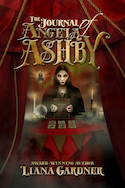
Sponsors like Vesuvian Books make the Seattle Review of Books possible. Did you know you could sponsor us, as well? If you have a book, event, or opportunity you’d like to get in front of our readers, reserve your dates now. The first half of the year is almost sold out!
Your Week in Readings: The best literary events from December 24th - December 30th
Thursday, December 27: Open Game Night
Get yourself out of the Christmas mindset and back into the real world with the Fremont comics shop/fashion boutique's weekly game night session. Meet some new people and play some new games. Next year can be better, if you just leave the house every once in a while. Outsider Comics & Geek Boutique, 7 pm, free.Friday, December 28: Winter Break Reading Oasis
See our Event of the Week column for more details. Seattle Public Library, Northgate Branch, 10548 Fifth Ave NE, 206-386-1980, http://spl.org, 2 pm, free.Saturday, December 29: Ethiopian Coffee Ceremony
The website Atlas Obscura has branches all over the country that host bizarre or unique events for anyone who registers. This one is a celebration of a South Seattle treasure: "an Ethiopian coffee ceremony hosted by Milen Medhane of Kaffa Coffee." This is a way to learn about how coffee is roasted and prepared, as well as take part in the ceremony that started it all, from the part of the world where coffee originated.
Kaffa Coffee, 8136 Rainier Ave S, https://www.atlasobscura.com, 10:30 am, $30.
Sunday, December 30: Bow-Wows and Books
At the Bow-Wows and Books events, "children read aloud to certified therapy dogs from Project Canine." If you learned how to read, chances are good that you did so by reading aloud. This is a great way for kids to gain confidence by reading to a non-judgmental audience. And it's pretty damn adorable, too.
Seattle Public Library, Magnolia Branch, 2801 34th Ave W, 206-386-4225, http://spl.org, 3 pm, free.
Literary Event of the Week: Winter Break Reading Oasis
Look: there's not a lot going on this week. Christmas week is always pretty dead, reading-wise. And you probably can't do a reading right now anyway; the holidays are stressful, and schmoozing before and after an event is just one more thing to add to a busy holiday schedule.
So this Friday, why not take the time to be quiet and enjoy reading for reading's sake? This is "an all-ages low-key afternoon of reading while we transform the library meeting room into a cozy escape full of tents and pillows."
If you're interested, you can talk about books with librarians. There might be snacks and "warm drinks." But all you need to know is this: blanket forts and quiet time to read. What else are you looking for this week, really?
Seattle Public Library, Northgate Branch, 10548 Fifth Ave NE, 206-386-1980, http://spl.org, 2 pm, free.
The Sunday Post for December 22, 2018
Each week, the Sunday Post highlights a few articles we enjoyed this week, good for consumption over a cup of coffee (or tea, if that’s your pleasure). Settle in for a while; we saved you a seat. You can also look through the archives.
The Itsy-Bitsy, Teenie-Weenie, Very Litigious Bikini
Brand-savvy Ipek Irgit saw a cute bikini sold by a scrappy artist on a beach in Brazil, hired a friend to help her replicate it, and sold it as high fashion. When the knockoffs appeared, she started suing — until one of her targets sued back, hard.
For some folks, marketing is no different from making: brand it, and you’re the author of it. Fortunately, the law still disagrees.
As we spoke, Ms. Irgit shared her disdain for the legal process — a hatred of lawsuits and a belief that it is lawyers who benefit the most from them. It was the creative process she most cherished, she said. She meandered, though, when I asked her repeatedly to talk about inventing the Kiini. Did she sketch it? How did she come up with the idea of threading elastic through crochet?
"It goes back to with my grandmother," Ms. Irgit said, in her most specific answer. "We used to make things like crochet bikinis, so I was like 10 and 11."
"You made crochet bikinis when you were 10?" I asked.
"Not me, I’m not making them, right?" Ms. Irgit said. "No, ‘make’ is like — it is usually my idea. I’m not that — I didn’t make them. My mom made it, or my grandma made it."
What about the bathing suit Ms. Irgit was wearing on the beach in Montauk in 2012 with Mr. Becker? Who made it? "I had had it made," was all Ms. Irgit would say.
Stuck on You: An Ode to the Second Person
Nell Stevens writes about the strange appeal of the second person in the essay equivalent of a mobius strip, the grammatical equivalent of a disappearing act. Worth it for these two lines alone (though also very much worth it throughout).
People say that Lorrie Moore is the only author who can get away with the second person and they are wrong. Lorrie Moore, you are one of the authors who can get away with the second person.
How Ghost Hunting is Like Living with Lyme Disease
Porochista Khakpour wrote about Lyme disease as a lifelong gaslighting by the medical industry. Christina Diane Campbell sees ghosts instead. Struggling with the pain and weakness of her illness, she goes on the hunt — late-night prowls with camera and recorder that reveal something about the body and the spirit most of us are fortunate not to know.
I’m a little jealous of the supposed ghosts. They float around unencumbered by treacherous bodies, while corporeal humans — like me with my sore arms and runny guts — shiver in the January wind and beg the dead to show themselves. I don’t always believe in ghosts, but I believe in data. I want to discover that the body is not everything, even though our physicality sometimes feels like the most powerful force in the world, especially when sickness corrupts your whole personality and spirit.
Whatcha Reading, M’Bilia Meekers?
Every week we ask an interesting figure what they're digging into. Have ideas who we should reach out to? Let it fly: info@seattlereviewofbooks.com. Want to read more? Check out the archives.
M’Bilia Meekers is a queer black poet from New Orleans, Louisiana, and she just joined us in Seattle as the new publicity manager for the University of Washington Press. She has an MFA in Poetry from NYU and has received fellowships from Cave Canem, The Watering Hole, and Poets & Writers. Her poetry has previously appeared, or is forthcoming in, the New Yorker, Guernica, The Rumpus, Split Lip Magazine, The Adroit Journal, Arc Poetry Magazine, Tinderbox, Poet Lore, Wildness, and elsewhere.
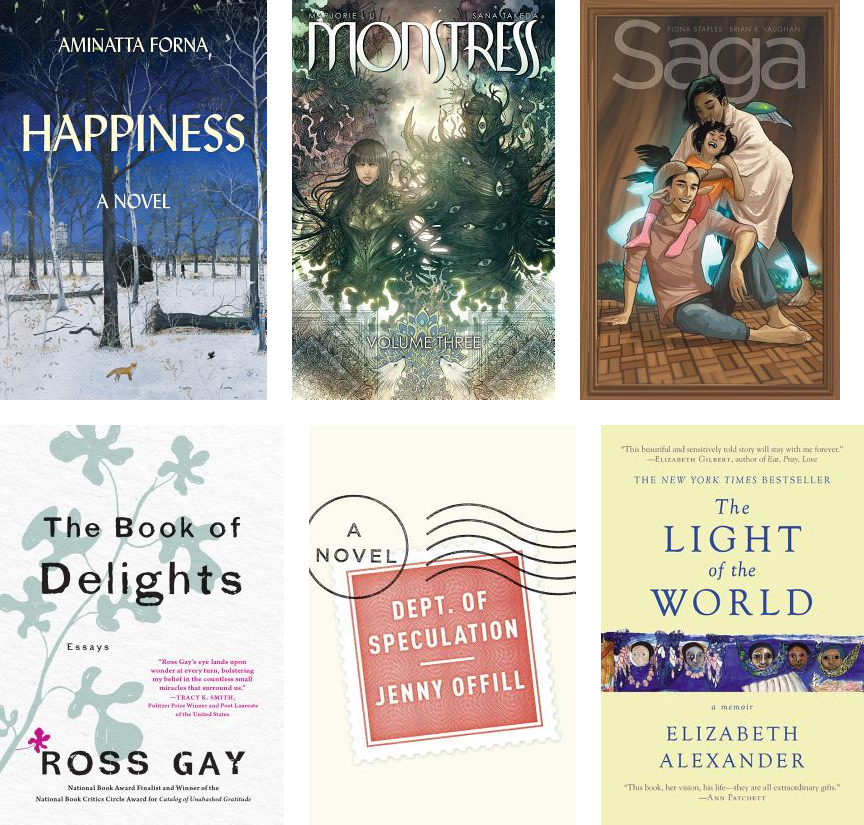
What are you reading now?
I was at the Elliot Bay Book Company for work recently and was having a conversation with Rick and Karen about being a first generation American (my mom is from Sierra Leone and my dad is from Belgium), my love for New Orleans, and how I was adjusting to Seattle, having just moved here at the end of October. At the end of our chat, Rick recommended I pick up Happiness by Aminatta Forna. I’ve just started reading it (just finished the first chapter!) and having heard a little bit about the story before I started, I did not expect it to start with a wolfer. I’m definitely intrigued.
I basically read 95% poetry so it’s been a very long time since I’ve read a novel (over three years I think) and it’s exciting to exercise my fiction brain. I’m always reading to discover what tools a writer uses to build their poem, story, essay, etc. and thinking about the art of writing the way someone would think about building a table (what materials did they use, how many legs did they add, where did they place the screws, so to speak). I’ve never read Forna before and I’m excited to see how she constructs her narrative.
What did you read last?
A few years ago, one exes introduced me to the world of graphic narratives and now, after poetry, I’d say I read comic books the most. The last two I read were Monstress: Volume 3 by Marjorie Liu and Sana Takeda and Saga: Volume 9 by Brian K. Vaughan and Fiona Staples. Monstress is such a beautifully drawn series and has such a lush, dynamic narrative. It’s really considering what it means for a young woman to have a part of herself that’s extremely powerful, but also uncontrollable and scary. Plus, cat and poets make an appearance - you’ve got to love that! If I had to sum up Saga for a new reader, I’d say two soldiers from warring planets have a taboo intergalactic love child and trouble ensues. It’s a really engaging, down to earth (ha!) story with complex characters that I recommend to anyone who wants to try out a comic that’s not interested in the flat dichotomies you often find in superhero comics (no shade to Marvel and DC).
What are you reading next?
Like many bookworms, I have an embarrassing mountain of books to read on my bedside table. The next two I’ll tackle are most likely A Book of Delights by Ross Gay and Dept. of Speculation by Jenny Offill. Ross Gay is absolutely one of my favorite poets (Read him. Just do it. You’ll thank me later.) and I recently got my hands on an ARC of A Book of Delights and could barely stop myself from reading the whole thing while just flipping through the pages. He has this way with extending his syntax that just makes me feel light and unburdened even when he’s exploring difficult subjects like our current political landscape or something quirky like spoons or feet. I also went to some meetings on the East Coast last week and my colleague was kind enough to gift me with Offil’s Dept. of Speculation, since I mentioned my exciting foray back into the world of fiction. He called it a poet’s novel and I was sold!
What book would you recommend as a holiday gift?
The first book that came to mind was The Light of the World by Elizabeth Alexander. I have this memory of reading it during my first summer in Brooklyn right after I got back from Cave Canem. I was on the C train with that hot, humid subway air blasting on my neck and tearing up as I was reading, so absorbed in the memoir that I missed my stop and was late for a lunch with one of my new friends. I’m currently at that age where all of my grandparents are dying and my family is having a tough time in general. The Light of the World is a beautifully written and moving book about love and kindness, more than tragedy. It reminds me to appreciate the people in my life for whatever amount of time I have with them.
The Help Desk: Don't meet your idols
Cienna Madrid is on holiday break. Please enjoy this Help Desk from 2016.Do you need a book recommendation to send your worst cousin on her birthday? Is it okay to read erotica on public transit? Cienna can help. Send your questions to advice@seattlereviewofbooks.com.*
Dear Cienna,
Once, I met an author I loved and it was a total letdown. She was narcissistic and bored by all the people who came out to hear her read, and I disliked her so much it made my skin crawl. Now I can't enjoy her books because it reminds me of how unpleasant she was. Should I bother going to readings anymore? I don't want to lose any more favorite authors, and the risk of them being jerks is scaring me away.
Mary, Bainbridge Island
Dear Mary,
Once, I was invited to a fancy literary party full of very impressive people – best-selling authors, sitcom writers, actors, comedians. I couldn't throw a fork without hitting someone whose work I admired. As parties go, it was normal: People sipped champagne, talked child rearing, traded jokes and were surprisingly tolerant of me sweating on them. I should say, it was normal except for me. Intimidation, my natural dearth of social graces and a near-painful desire to make a good impression rendered me mute – that is, until the hosts' daughter, a sweet-looking girl of about 12, emerged from the kitchen with a plate of fresh-baked chocolate chip cookies and began offering them to guests.
“Mmmm, is there anything better than a cute little girl handing out warm cookies?” One actor asked rhetorically.
That is the moment I found my voice. “Only if she's stripping,” I said.
The actor stared. The child proferred her plate to me with pity in her sweet brown eyes. There was a moment of silence as everyone in the room wished my place were filled by someone who could pass the very low bar of not sexualizing children in casual conversation. That was the day Paul Constant learned that bringing me as his date to parties is like reading Proust to a pig.
I bring up this story, Mary, to illustrate how awful some writers are at interacting with other people. Others are just awful in general (Norman Mailer was a notorious misogynist who once told a crowd of fans that “a little bit of rape is good for the man's soul.”). Either way, you have to separate the person from his or her work and be generous enough to pity them when they act like dicks in public, as all those people pitied me years ago.
Because by their nature, books are a private obsession, both for writers and readers. So attending an author's reading is, to me, an unparalleled act of public intimacy that can go horribly wrong or beautifully right. Personally, I think it's worth wading through a few assholes to experience the beauty.
xoxo,
Cienna
Thursday Comics Hangover: Here are the comics that moved me the most this year
I can't make you a list of Best Books that have been published in 2018 because I haven't read all of the books published in 2018. What I can do is reflect on the books I have read this year and let you know which of them has stayed with me — which books I'm still, weeks or months later, thinking about. To me, a book's longevity is its most important quality. I can read the most beautiful sentence in the world, but if that sentence doesn't set some chain reaction off in my mind, it's basically worthless. This week, I'm going to examine the books that really made a mark on me in one way or another — the books that changed me, the books that still live with me, the books that affect the way that I interact with the world. Perhaps you disagree, or perhaps you think some other book is way better than my selection. That's fine; send me an email or tweet at me and we can talk.
It's been another banner year for comics in Seattle. This year has seen the publication of books from two local cartooning legends Rock Steady by Ellen Forney and Poochytown by Jim Woodring and a great new comic by Mita Mahato that serves as a eulogy to the orcas who dominated Seattle's imagination in the summer of this year. We also saw a Seattle-set comic called Pervert by Michelle Perez and Remy Boy that focused on a part of the city that's rarely seen in fiction: Aurora Ave and its culture of sex work.
Probably the biggest and most impressive comics publication of the year is the gigantic collected edition of Berlin, by former Seattle cartoonist Jason Lutes. The story of life in Germany under the rise of the Nazis took decades to write and draw, but it's even more timely on its release in Donald Trump's America than it was when Lutes began the endeavor.
Blame This on the Boogie, a memoir by Rina Ayuyang,, is the most fun and imaginative comic I read all year — a glorious movie musical about the lasting power of family and the hope of coming to America in pursuit of the American dream.
One other memoir, All the Answers by Michael Kupperman, helped recast one of the funniest cartoonist in comics as a more complex figure. Kupperman mines the complicated relationship with his father, a childhood "quiz kid" who was one of the earliest sensations on television. The level of craft in Answers is evident — Kupperman's choice to depict his own eyes as emotionless circles is a daring one that pays off on many levels — and the story is a unique one that somehow manages to feel universal, like the best comics.
These are the nonfiction books that moved me the most this year
I can't make you a list of Best Books that have been published in 2018 because I haven't read all of the books published in 2018. What I can do is reflect on the books I have read this year and let you know which of them has stayed with me — which books I'm still, weeks or months later, thinking about. To me, a book's longevity is its most important quality. I can read the most beautiful sentence in the world, but if that sentence doesn't set some chain reaction off in my mind, it's basically worthless. This week, I'm going to examine the books that really made a mark on me in one way or another — the books that changed me, the books that still live with me, the books that affect the way that I interact with the world. Perhaps you disagree, or perhaps you think some other book is way better than my selection. That's fine; send me an email or tweet at me and we can talk.
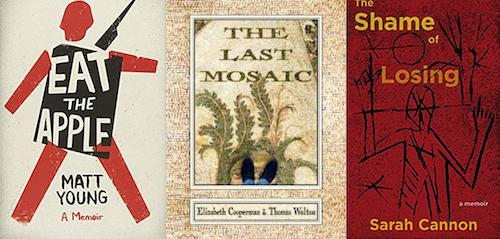
Every month at the Reading Through It Book Club, we talk about a non-fiction book that relates to Donald Trump's presidency in some way. In the two years we've been meeting, we've discussed race and immigration and Russia and too many other topics to list here. I consider it my primary source of non-fiction reading choices, and more often than not I learn a great deal from the books.
The two best books we discussed at this year's Reading Through It book clubs were Yuval Harari's Sapiens and Amy Goldstein's *Janesville: An American Story. One was a sweeping study of what it means to be human, and what we can expect for the future of our species, and the other was a patient and detailed examination of what it means to live in small town America today. If you're looking for a book to help you understand what's happening in the country as presidential candidates fight for your limited attention in the year to come, you could do worse than read either — or both! — of these books.
One book that we haven't read yet because it's in hardcover but that I hope to read in Reading Through It soon is Ijeoma Oluo's So You Want to Talk About Race, a serious investigation of the discussions we have when we talk about race in America. Oluo, a Seattle author, is a thoughtful and warm guide through conversations that many white Americans might not be comfortable having.
The non-fiction that most captured my imagination this year was memoir — it seems that the autobiographical narratives are the latest genre to enjoy a spirit of reinvention. Three local writers published memoirs (or memoir-like books) that changed my preconceptions of what the form can do.
[Sarah Cannon's The Shame of Losing(http://www.seattlereviewofbooks.com/reviews/accidentally-honest/), for instance, is a bracingly honest account of what happened when Cannon's husband suffered a brain injury that permanently changed the person he is. Despite taking the form of a traditional memoir, Losing felt daring and new thanks to Cannon's brutal self-assessments.
Eat the Apple by Matt Young is a memoir about Young's time in the military as told in a series of fragments: the story is told in a kaleidoscope of perspectives and sensibilities. Young is a born storyteller who understands that the shortest distance between two points — in this case a reader and understanding — is never a short line.
The Last Mosaic by Elizabeth Cooperman and Thomas Walton is more than fragmented — it's a literary mosaic, fashioned of tiny observations from a trip to Rome. It's a travel journal that's been sliced up and pasted back together in a thoughtful way — in fact, it feels like the only way these pieces could fit together. Like a good mosaic brings something new from disparate pieces, you can't see the original shape of the story in The Last Mosaic — only what the authors want you to see.
Talking with Madison Books manager James Crossley about opening Seattle's newest bookstore
James Crossely has been a bookseller in the Seattle region for years, at Mercer Island's Island Books. So when Phinney Books owner Tom Nissley announced this fall that Crossley would be managing Madison Books, his new bookstore in Madison Park, the news was greeted by the bookselling community with a great sigh of relief: they knew the store was in good hands.
It's taken a little longer than expected to open Madison Books thanks to a more intense-than-expected construction schedule. But last Monday, Crossley opened the store in a temporary, "pop-up" situation for the holiday season through Christmas Eve, and then on December 27th, 28th, and 29th. We talked to him about how it's been going.
First of all, what's your store's all-time bestselling book?
That's a good question. Right now It's probably a three-way tie between Becoming, Michelle Obama's memoir, Educated by Tara Westover, and Milkman by Anna Burns.
So I guess your clientele is really into one-word titles apparently.
Yes, and that's good to know.
How has running the shop been so far?
It's been great! We've had a really hospitable welcome — a lot of people coming in the store to buy books already ,and even more who just want to stick their heads in the door and say "welcome to the neighborhood."
We're so glad to have a great outpouring of warm wishes. And I've had some unexpected visitors from my bookselling career — people popping up from the past to check out the new operation, which has been great. There's been great support from the from the bookselling community. We got donated shelves from University Book Store. I got help from former coworkers in setting up the space. And also, the publisher reps have been great: they hand-delivered copies of books late in the evening, like, "hey, do you need more copies of this book? I could just bring them by at seven or eight." It's all reaffirmed my continuing belief that this is just a great literary community.
Did you ever visit the bookstore that was in the area years ago?
I did! I used to shop there a little bit. It was called Madison Park Books and it was in a funky triangular space across the street and just just west of us. It was a charming and interesting place. When the store closed, somebody who used to work there went to Island Books and I worked with her for a decade. I think of her a lot as I'm in here now.
Are there any sections that you think you're going to have to refocus on based on consumer demand so far?
I've already got a hint of it. I think I did a pretty good job figuring out what people are interested in, but they are maybe even more interested in the mystery section that I thought they might be. A couple local authors come in asked if we local authors will have a presence here, and of course they will.
Mostly though, I just get the sense that they're so happy to have have a bookstore back on this street.
Do you have a rough opening date in mind after you close the pop-up once the holidays are done?
It looks like right now the end of February or the beginning of March is when all the work will be done and we'll be able to reopen.
Great. This is really an opportunity for people who to come in and sort of help shape the store a little bit, isn't it?
Absolutely. One of the first things we did was hang some butcher paper on the wall and draw some virtual "shelves" with an invitation for people to fill them in with what they want to see — first of all what they want to get under the tree this year, but more importantly what they want to see on our shelves going forward.
And what are your hours right now?
On weekdays and Saturdays, ten to seven. On Sundays, twelve to five.
Okay. Is there anything else that you think that my readers should know about?
I would love them to know that the very first book that we sold was a copy of The Overstory, by Richard Powers, which is one of my favorite books this year. And our first special order has already been placed and arrived, and it was for The Beastie Boys Book. Being able to get those in people's hands was a good feeling. A great feeling.
Book News Roundup: The naughty list just keeps growing
- Chloe Collyer at the Seattle Globalist profiled Beacon Hill community nonprofit Estelita's Library and it's a very good piece that you should read:
One recent evening at the library, curator Edwin Lindo prepared fried plátanos where people used to order their coffee. A group arrives for “It Will Be Loud,” an open mic held on Wednesdays at Estelita’s. The close quarters and smell of cooking bananas nurture a sense of intimacy.
You would think someone at the New York Times would have recognized David Icke's name. Or you would think someone at the New York Times would have done a second's worth of research and discovered that Icke is an anti-Semitic monster who preys upon conspiracy theorists to spread his hatred.
Are "after" poems plagiarism? Of course not; they represent a long tradition of call-and-response in poetry. But they do provide cover for plagiarists.
Some old assholes are throwing around words like cyberbullying" and "mob rule" because a terrible person isn't getting an award. I'm sure they're claiming that people are being "silenced," too. Yawn.
And while I'm being a Grumpy Person on the Internet: Shame on Canongate Books.
These are the poetry collections that moved me most in 2018
I can't make you a list of Best Books that have been published in 2018 because I haven't read all of the books published in 2018. What I can do is reflect on the books I have read this year and let you know which of them has stayed with me — which books I'm still, weeks or months later, thinking about. To me, a book's longevity is its most important quality. I can read the most beautiful sentence in the world, but if that sentence doesn't set some chain reaction off in my mind, it's basically worthless. This week, I'm going to examine the books that really made a mark on me in one way or another — the books that changed me, the books that still live with me, the books that affect the way that I interact with the world. Perhaps you disagree, or perhaps you think some other book is way better than my selection. That's fine; send me an email or tweet at me and we can talk.
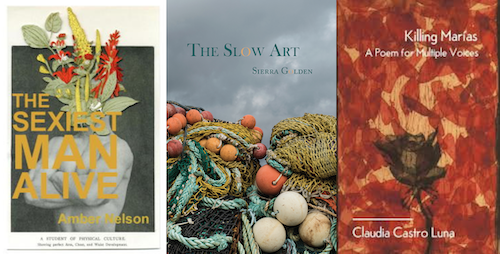
2018 has been a year for strong, voice-y poetry — poetry collections with themes to examine and stories to tell. Three local authors have put out collections this year that did all the work that we usually expect from novels: they create vibrant characters and settings, they tell stories with beginnings and middles and ends, and they examine ideas with patience and an inquisitive spirit.
Killing Marias by Washington State Poet Laureate Claudia Castro Luna is a tribute to women named Maria who have been murdered in Juárez, Mexico. Castro Luna gives voice to these forgotten women — victims of a violence that is too often used as a political tool in this country — and allows them a chance to be seen.
Sierra Golden's debut collection The Slow Art is based on the many years that she worked on an Alaskan fishing boat. Golden is a classical kind of poet: her poems are serious and sturdily constructed, and she calls back to modern greats like W.S. Merwin, but she writes about modern topics like meth use and economic disparity. In Golden, Seattle might have a shot at a working class poet — someone who sees and understands the experience of ordinary Americans and captures them in poetry. We could use a lot more of that.
The Sexiest Man Alive by Amber Nelson isn't on its surface as serious as these other two collections, but beneath its frivolous surface, Nelson is doing important work. By writing a series of poetic monologues from the perspectives of People magazine's sexiest men alive, Nelson is investigating masculinity and celebrity and what it means to be a person in an age when everyone is basically a brand, whether they want to be or not. Her examination is funny and clever and simply riveting.
what child is this
with skin of dirt & honey
who climbs & clamors & clings to the cruel hole
where their parents’ bodies were just minutes ago
whose skin the color of the Rio Grande I’ve never seen but Jovane once assured me is just as
wet & wistful as the mud of the Yakima River
wow I say to no one in particular
womp womp says a white-haired
white collar ordering Mexican food
while the waiter reaches for her pen a knife a
wailing in the distance
what assholes
we all whisper at our phones
when we finally come up with anything at all to say
when words are worthless
why is a barren question so taking
wickedness at its word seems hollow so
wallow with me for a minute as
weeping nightly my son mourns the end of each day
wary that the overwhelming world will be here when he wakes
what child is this
with skin of dirt & honey
There's something fishy in Plankton
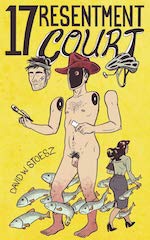
In a short essay on writing the book, Stoesz mulls the propriety of writing anything meant to please in this time of political upheaval. But what better time to be pulled outside ourselves, and then take a look back at how silly we are? Check out an excerpt on our sponsor feature page, then pick up a copy of 17 Resentment Court for the holidays.
Sponsors like David Stoesz make the Seattle Review of Books possible. Did you know you can sponsor us, too? We only have three slots left in the first quarter of the year (and we haven't even gone public yet!). Reserve your week of choice before it's too late: Just send us a note at sponsor@seattlereviewofbooks.com.
Your Week in Readings: The best literary events from December 17th - December 23rd
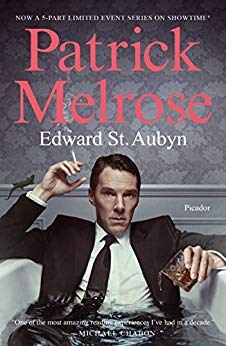
Monday, December 17: Nick's Picks Book Club: Patrick Melrose Discussion
University Book Store's long-running literary fiction book club discusses the incredible cycle of novels by Edward St. Aubyns about Patrick Melrose, a wealthy and miserable young man. These books are so incredibly toxic but also so incredibly beautiful; it's rare to find a protagonist so antagonizing who is still somehow relatable. These books are best shared with others.
University Book Store, 4326 University Way N.E., 634-3400, http://www2.bookstore.washington.edu/, 6 pm, free.
Tuesday, December 18: Lit Fix
See our Event of the Week column for more details. Vermillion Art Gallery and Bar, 1508 11th Ave., 709-9797, http://vermillionseattle.com, 7 pm, $5.Wednesday, December 19: Intro to Podcasting Workshop
Ayla Taylor, a local sci-fi podcaster, leads a workshop to discuss the importance of podcasts, and how to get started making your own storytelling podcast. These aren't the kind of podcasts where boring white guys talk about nothing for an hour and a half; they're full-fledged fiction, with acting and narration and the works. In other words, they're books on the air.
Ada’s Technical Books, 425 15th Ave, 322-1058, http://seattletechnicalbooks.com, 6 pm, $5.
Thursday, December 20: Notis: Translating Comics and Graphic Novels
Local organization Northwest Literary Translators hosts a panel about the art and science of translating graphic novels into English. This is a discussion between local translators including Melissa Bowers, Lola Rogers, and José Alaniz, and Fantagraphics publisher Gary Groth, who has published uncountable pages of translated comics, will be joining to discuss his experience.
Folio: The Seattle Atheneum, Pike Place Market, 93 Pike St #307, http://www.folioseattle.org, 5:30 pm, $10.
Friday, December 21: Shrink Night!
"$10 secures your spot, one full sheet of Shrink Film and more coloring supplies than you'll know what to do with" at this party to make your own Shrinky Dinks with Push/Pull's lively community of artists. Push/Pull, 5484 Shilshole Ave NW, 789-1710, http://pushpullseattle.weebly.com/, 6 pm, $10.
Saturday, December 22: Christmas Readalong
Special guest readers will read aloud from some classic Christmas books, including How the Grinch Stole Christmas, The Polar Express, and The Latke Who Couldn't Stop Screaming. This is essentially the final event in Elliott Bay's packed annual readings calendar, and it has become a Yule tradition for many. Elliott Bay Book Company, 1521 10th Ave, 624-6600, http://elliottbaybook.com, 11 am, free.
These are the novels that moved me most in 2018
I can't make you a list of Best Books that have been published in 2018 because I haven't read all of the books published in 2018. What I can do is reflect on the books I have read this year and let you know which of them has stayed with me — which books I'm still, weeks or months later, thinking about. To me, a book's longevity is its most important quality. I can read the most beautiful sentence in the world, but if that sentence doesn't set some chain reaction off in my mind, it's basically worthless. This week, I'm going to examine the books that really made a mark on me in one way or another — the books that changed me, the books that still live with me, the books that affect the way that I interact with the world. Perhaps you disagree, or perhaps you think some other book is way better than my selection. That's fine; send me an email or tweet at me and we can talk.
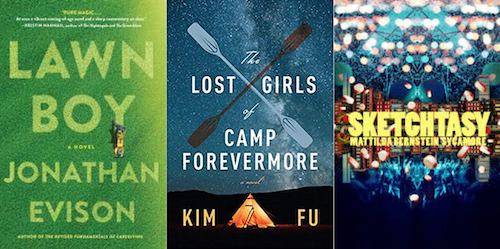
My poor, battered attention span! Just like last year and the year before, it's been a tough year for me and fiction. with the world continually erupting into the kind of geopolitical chaos that Tom Clancy couldn't imagine on his worst day, it takes a lot of effort to focus on a novel for any length of time.
So the novels on this list are noteworthy not just because they're great books that moved me intellectually and emotionally — though that is also true — but also because I finished reading them in the first place. In this second year of Donald Trump's presidency, that's an achievement of its own.
Three novels by local authors — about as different from each other as can be — haunted me throughout the year:
The Lost Girls of Camp Forevermore by Kim Fu, which transfixed me with its examination of how the past connects with (and transforms) the present. Everyone I've recommended Lost Girls to has been hypnotized by the book — it marks Fu as an author whose new work is deserving of your immediate attention.
Lawn Boy by Jonathan Evison is a hand grenade of a book — a salvo in the class war. Set on Bainbridge Island, where the haves hire the have-nots to manicure their stately lawns, Lawn Boy is a novel and an economic treatise and a bracing reminder that sometimes literary fiction is way too elitist for its own goddamn good.
Sketchtasy by Mattilda Bernstein Sycamore challenged me to consider a whole beautiful universe that existed in the same city in which I spent my youth, but that I treated as something completely invisible. It's a glamorous, dirty, stunning story of queer culture in 1990s Boston, and it's just as lively and perilous and angry and fun as a night out on the town with your wildest friends.
Perhaps it's because the world in which we all live is fast becoming a dystopia, but I didn't read much science fiction/fantasy that worked for me this year. Only two books failed to fade into vapor as soon as I set them down:
The Sky Is Yours by Chandler Klang Smith is a huge, gallumphing monster of a novel — one which swallows the whole world and regurgitates it into something brand new. There's social satire and adventure and maybe some romance and more than a little Jane Austen wrapped up in this book, and ten million other things besides.
Suicide Club by Rachel Heng is a different kind of dystopian story. It's set in a world where immortality is within our grasp, but we screw it up in the same way we always do. While the impulse to go big and wide with this kind of high-concept is understandable, Heng keeps the scope and the stakes of the story at a relatable human level.
And it's not a new book, but the reissue of Roxane Gay's short story collection Ayiti captured my imagination in a way that short story collections rarely do.
The books in this list have provided me with all the pleasures that a good novel brings: a sense of being transported, a feeling of living outside one's own skin, a thrill of imagination. Next year lands in the valley between the joyous chaos of the midterm elections and the dutiful march that is the 2020 presidential elections. Hopefully at this time next December, this list of novels will be twice as long — but for now, for this moment in history, these books were exactly what I needed.
Literary Event of the Week: Lit Fix
Lit Fix is a reading series in which (mostly) local writers and (mostly) local musicians get together to read new stuff in a non-bookstore setting. And the modest $5 door fee always goes to a good cause.
Since we are nearing the holidays, let's put the charity up front: this Tuesday's edition of Lit Fix, the 24th in the series (!!!) will benefit HopeLink Adult Education, a magnificent nonprofit that helps people find education and retraining that can make a lasting improvement in their lives.
The featured musicians in this show are Sherri Jerome and Michael Beckworth of Del Vox. You can get a taste of them in this video:
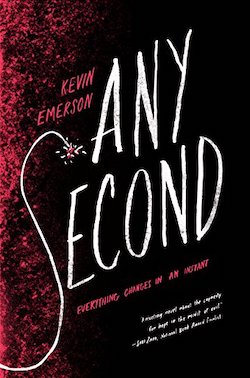
But of course you're likely to come on out to Lit Fix because you're interested in the readers. And why wouldn't you be? The fiction authors at this event are Katrina Carrasco, the author of the Port Townsend-set historical crime thriller The Best Bad Things, and Kevin Emerson, the author of many young adult novels including his latest, Any Second, which is about a young man with a bomb strapped to his chest.
And the poets at this one are knockouts, too: Shankar Narayan will be reading with Seattle Review of Books's Poet in Residence for this month, Dujie Tahat . Dujie is an amazing reader of his own work, and this event looks like it could be an all-time great in the long history of Lit Fixes. This could be the last reading you'll attend in 2018. It will be one of the best readings you'll attend in 2018, too.
Vermillion Art Gallery and Bar, 1508 11th Ave., 709-9797, http://www.litfixseattle.com/next-event, 7 pm, $5.
The Sunday Post for December 16, 2018
Each week, the Sunday Post highlights a few articles we enjoyed this week, good for consumption over a cup of coffee (or tea, if that's your pleasure). Settle in for a while; we saved you a seat. You can also look through the archives.
Cold Discovery
This is a two-cup essay, and make sure you brew the coffee strong. Drew Austin takes an extremely close look at the shift from physical to digital to platform media and how it transforms choice from something we have to something we receive. This isn’t another scare piece about the evils of Netflix, Kindle, and Spotify — or their larger and more terrifying siblings, Google and Facebook — it’s a thoughtful piece of cultural criticism about different types of environments and how we might begin learning to navigate, cultivate, and protect them.
When we step into these universal content libraries, we rely less upon crude clues like covers for navigation and give ourselves over to an environment that offers to do almost everything for us, if we’ll just let it. With nearly any imaginable book, movie, or song close at hand and fewer of the traditional forces that push us to choose one over another, the context provided by those limitations fades and the environment itself gains corresponding prominence — at the expense of any specific thing within it.
Gay City has expanded E Pike library and resource center
Here’s some good news: Gay City’s Michael C. Weidemann LGBT Library on Capitol Hill has expanded, and they have a new roommate, Three Dollar Bill Cinema. Three Dollar Bill lost its executive director this year, and it’s a chance for them to find solid footing. It’s also a chance for the two organizations to benefit from closer connection with each other.
Seattle has an immense richness of accessible, bookish resources beyond its photogenic Central Library. This is a cheering reminder that books thrive everywhere — and especially in people’s hands.
“It’s exciting to be able to expand, and to create more opportunities for LGBTQ folks to connect,” [Executive Director Fred] Swanson said. “We’re excited about all of the things that bring community into Gay City — testing services, community meetings, arts programing — and are eager to fill out the library calendar in the new year.”
Four Days Trapped at Sea With Crypto’s Nouveau Riche
Laurie Penny, you are irresistible. This narrative of Penny’s time doing, well, what the title says, reads like Hunter S. Thompson would have if Thompson had been (as he should have been) a crazy-smart British feminist with an understanding of power dynamics so hard and sharp you could use it to cut glass. If this is techno-utopia — a ship full of men who prefer women paid to be there — you can keep it.
I am not 10 feet tall and 22, but I am a tiny hyperactive white woman with weird hair and poor boundaries, so I revert to an old standby and start serving full manic pixie dream girl. It’s not exactly an act. I’m a terrible actor. It’s just about dialing up the parts of my personality that men tend to find most delightful, giggling a bit more, scratching my arse a bit less, and hoping nobody Googles me. It helps that I don’t have to fake ignorance of the crypto-scene drama. I only have to pretend to care.
Whatcha Reading, Paulette Perhach?
Every week we ask an interesting figure what they're digging into. Have ideas who we should reach out to? Let it fly: info@seattlereviewofbooks.com. Want to read more? Check out the archives.
Paulette Perhach is the Seattle-based author of the book Welcome to the Writer's Life: How to Design Your Writing Craft. Her writing has appeared all over the place: Elle, The New York Times, and Slate, just to name a few. She offers coaching to writers (a group session is starting January!). She just published this wonderful piece on Hobart you should read, titled "Risk Mitigation at the Dawn of my Conceivable Extinction".
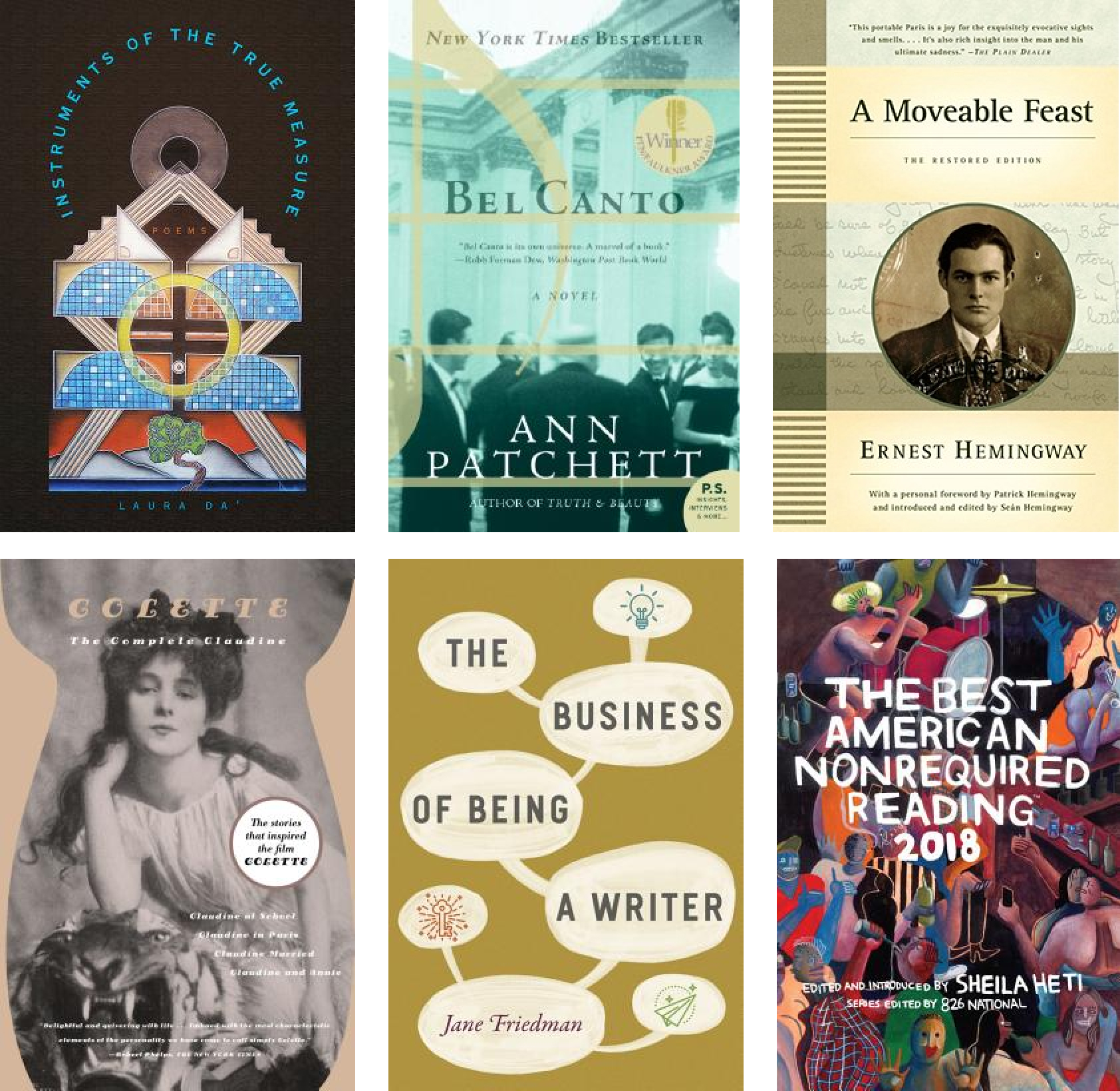
What are you reading now?
I'm reading Laura Da's book of poetry, Instruments of the True Measure. The title refers to themes of measuring land as the first step in removal of the people living there. Laura is in my former Made at Hugo House Fellows writing workshop, and I pretty much just fangirl over her work every time. It’s embarrassing, but I can’t stop.
She’s not afraid of poems wrapped in fog, which lead you through a dreamlike world of ambiguity. After reading a poem, I’m filled with a feeling that I trust is exactly the one she wanted me to feel. Coming to creative writing from the world of journalism, I have much learn from her.
Here’s a section of the title poem I love:
are baptized in the bile
of their own digestion.
Chickasaw in the northern parcel of the state
Choctaw in the central.
Domesday Book scrolls meld into the
linen press
of the Kansas-Nebraska Act.
[insert poetry “mmmmm” here]
What did you read last?
I recently moved and, upon unpacking, found a copy of Ann Patchett’s Bel Canto I’d seen at a thrift store, which is where I like to pick up titles that make me think, “Oh I’ve heard of this.” I’ve been reading so many how-to books this year — about how to be a writer and how to make a living at it — while researching my book Welcome to the Writer’s Life. I was missing that feeling from of a book you can just fall into, one that makes you stay reading in the tub long after you’re raisiney, adding more hot water for one more chapter, one more chapter, one more chapter. Bel Canto answered the call wonderfully. It made me want to take up my novel again, and it tricked me — at least for a week — into thinking I loved opera.
What I admired most was how Patchett balanced dozens of characters and multiple languages in a way that never left me confused. She also described the music in a way that could have fallen so flat, but instead made me feel like I was hearing it live.
What are you reading next?
I’m off the travel-addict wagon and am flying to France on Christmas (which is how my boyfriend found us $600 tickets, so not too bad). I’m trying to find a comprehensive but readable book on the French Revolution. With the protests there now and how things feel pre-revolutiony here, I think that is the right story for me, but it turns out it’s hard to find just one. (Internet? Recommendations?) I might just go for A Moveable Feast or The Complete Claudine by Colette. Or I might haul three books across the Atlantic because I’m ridiculous and refuse to get a Kindle or admit I don’t really read that much while traveling.
After that, it’s back to The Business of Being a Writer by Jane Friedman. But I enjoy the entrepreneurial side of being a creative, too.
What book would you recommend as a holiday gift?
I'm always going to be that aunt trying to force young folks to read, and my secret weapon is Best American Nonrequired Reading. I always get a copy for my nephew. It makes a great stand to lean his cell phone against; but once I hide his phone for family read time, I like to see him read it and smirk at the funny parts.
In general, the Best American Series is a fantastic shortcut for anyone you know who likes a particular genre of writing. Now they have best American mystery, sci-fi, fantasy, nature writing, sports writing, and poetry — pretty much all the things. It’s a lovely buffet from which they can sample writers in the field, and any one I read almost always leads me to a writer I come to follow and love. I found Cat Rambo by reading Best American Sci-fi. She included a Seattle reference in her story about a cat. My assumption that she was local turned out to be correct. I eventually met that very cat.
As a writer, it’s so useful to read so many lessons in one place. I reached out to one travel writer to tell him I loved one of his stories, and he’s become a mentor of mine. So the Best American Series can bring magic to friends who are simply readers or readers and writers.
The Help Desk: The bad kind of free speech
Every Friday, Cienna Madrid offers solutions to life’s most vexing literary problems. Do you need a book recommendation to send your worst cousin on her birthday? Is it okay to read erotica on public transit? Cienna can help. Send your questions to advice@seattlereviewofbooks.com.
Dear Cienna,
I've done a few onstage interviews at bookstores, and I enjoy doing them. My area of interest is in vogue right now, so there are a lot of authors of popular books who come to town, and talking to them is usually a joy.
Cienna, in almost any other field — journalism, for instance, which I do a lot of — I would be paid for my time. Venues and publishers never offer to pay me for my time as an onstage interviewer. A lot of preparation goes into those events: I have to read the book, read and listen to past interviews with the author, wear nice clothes, promote on social channels, and bring good stage presence.
I understand that bookstores don't have a lot of extra cash laying around. (Although they could surely offer a cup of coffee or a small gift card or something, couldn't they?) But the publishers, who pay for the authors to travel the country on tour, must be willing to cough up a little bit of cash for a good interviewer?
I'm not expecting to make a living as an onstage interviewers of authors, but some sign that my time is valuable would be nice. In almost any other field, being asked to do something as intensive as an onstage interview in exchange for exposure would be seen a huge rip-off. Should I ask for compensation next time, or am I being an entitled baby?
Erma, Ballard
Dear Erma,
In an ideal world, yes, you would be paid for your time as an interviewer – just like in an ideal world, sex appeal wouldn't be the strongest currency of women, people named Kash and Tiffini would automatically be registered as Assholes in some sort of community registry, the word "dollop" wouldn't exist, tweezers would scream for you, and ex-presidents would be taxidermied into their most memorable political moments and line the halls of Congress in Plexiglass tubes.
But we do not yet live in an ideal world, so we must do the hard work of fashioning one for ourselves. Here's what I suggest: the next time a publisher asks you to interview one of their authors onstage, respond with "Sure! My fee is now X." They may negotiate with you, you still may end up being paid in coffee or booze or nothing at all, but at least you'll have the satisfaction of sticking up for yourself and communicating that your time is valuable.
Kisses,
Cienna
Portrait Gallery: Troll
Each week, Christine Larsen creates a portrait of a new author for us. Have any favorites you’d love to see immortalized? Let us know
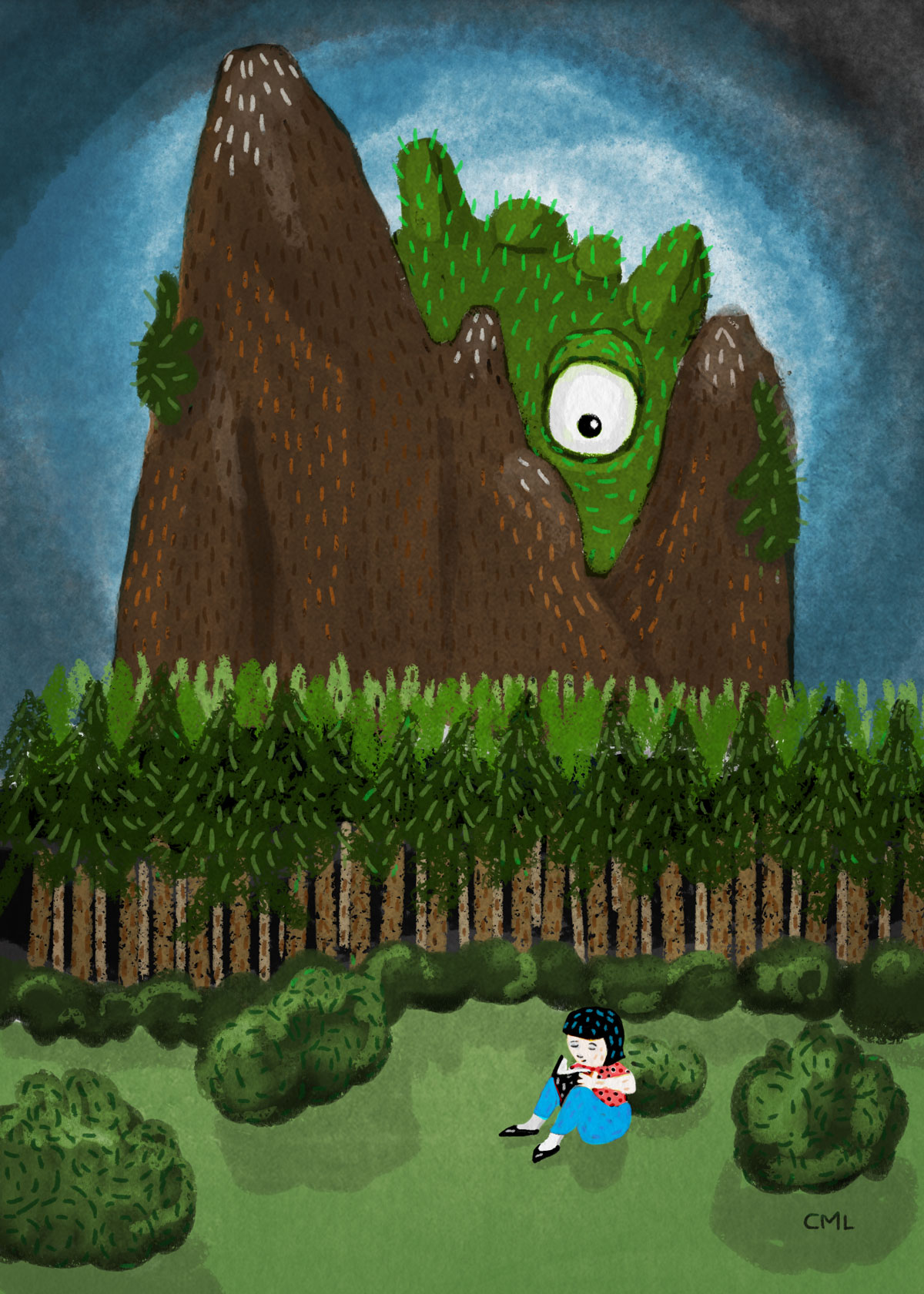
Thursday, December 13: Trolls in the Nordic Imagination. Scary, Clumsy, and Lovable.
Lotta Gavel-Adams, a Swedish studies expert at the University of Washington will discuss the Nordic obsession with trolls tonight at the Nordic Museum. This lecture is part of the Scandinavian 30, a series of free, thirty-minute talks held once each month at the Nordic Museum.
Nordic Museum, 2655 NW Market St, http://nordicmuseum.org/future, 7 pm, free.
Future Alternative Past: Religion. Seriously.
Every month, Nisi Shawl presents us with news and updates from her perch overlooking the world of science-fiction, fantasy, and horror. You can also look through the archives of the column.
I teach writing classes. One thing I ask my students to do is fill in a spreadsheet for their work-in-progress’s characters, noting race, age, sexual orientation, so forth, so on. And the category of character traits they usually haven’t thought about before is religion. Or the absence of it. Which is weird.
The default religious status in this time and place is a vaguely Protestant-ish Christianity. But SFFH authors aren’t necessarily working in the here and now. Post-apocalyptic landscapes may be the breeding grounds for a warped Catholicism such as that pervading Walter M Miller, Jr.’s 1959 classic A Canticle for Leibowitz. In Canticle, monks preserve scientific knowledge through a new Dark Age. The lives of religious institutions are protracted compared to human lifespans, so they can easily perform this sort of centuries-long service, as Octavia E. Butler has the heroine of Parable of the Sower realize. So Butler’s pragmatic Lauren Oya Olamina devises her own religion, “Earthseed,” as a means of guiding future generations to the stars.
In Daniel José Older’s dark fantasy Half-Resurrection Blues, Santeria, an Afro-Latin spiritual tradition, colors the half-dead hero’s interactions and grounds his world. In the new novel Tentacle, Rita Indiana writes explicitly of Santeria’s Dominican version, pitting a poor trans man newly initiated into the mysteries of the ocean deity against coral bleaching and mass fish die-offs. This tradition is my own, and it appears in several of my stories, too, most notably in “Wallamelon,” in which a young woman learns how to divine.
What about atheism? Anti-religious SFFH writing seems far more prevalent than straightforwardly atheist plots and themes. The God in Phillip Pullman’s His Dark Materials series is tyrannical and vulnerable, and killing him is an act of heroism. However, he does exist. In “The Old Rugged Cross” by Terry Bisson, collected in Greetings and Other Stories, condemned convict Bud White’s vision of Jesus is very likely a hallucination, but it’s not explicitly so. Better cases can be made for Kim Stanley Robinson’s novel Galileo’s Dream and Arthur C Clarke’s Hugo Award-winning short story “The Star,” since in both the antagonist is a belief system rather than a deity.
Sometimes encounters with religion are the point of a piece of SF, as in The Sparrow or Behold the Man or “The Tower of Babylon.” Generally, though, the topic is simply not mentioned. Typical SF backdrops are big on vague secularisms, which can be interpreted any number of ways — including as the casual Christianity most US readers identify as their own.
In the case of fantasy and horror, there are almost always clearer delineations of characters’ spiritual practices and beliefs. Not everyone in a given story is a practitioner, though — which is as it should be. But what the exercise I mentioned at this column’s beginning is meant to provoke, what I’d like to see, is more thought, more care and consideration given to why and how and what each and every single one of them believes. Or doesn’t. Schisms, doubts — they’re part of the human experience. Maybe the transhuman experience, too. Help me find out.
Recent books recently read
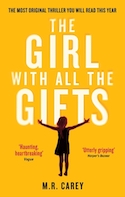
MR Carey’s novel The Girl with All the Gifts won my heart and mind completely with its outrageous child-zombie viewpoint. To a slightly lesser extent I also dug Fellside, a later novel which was in no way related. Carey’s new book, Someone Like Me (Orbit), shares themes and focus with Fellside — identity, bodilessness, sanity, violence — but packs as much punch as Girl. Hapless Liz Kendall, self-blaming victim of a series of domestic beatdowns, finds herself host to an alternate personality who has studied her abuser through thousands of parallel worlds and knows just how to fight back. Liz’s sometimes irksome moments of passivity are nicely balanced by the activeness of her co-protagonist, feisty Fran Watts, and the unswerving bravery of Fran’s putatively imaginary friend Jinx. As Carey shares the details of how teenaged Fran confronts the kidnapper who shattered her life when she was only nine, and Liz learns crucial survival skills, he evokes the shivery desolation haunting the most mundane landscapes. At the book’s beginning love and geography link Liz and Fran’s storylines; by the end they’re inextricably dependent on one another for a gut-wrenching, teeth-gritting climax.
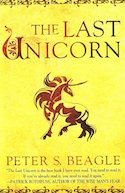
If you’d asked me when I first read Fahrenheit 451 which book I would want to emulate its dystopia-dwelling characters by memorizing, my unhesitating answer would have been The Last Unicorn. Author Peter S Beagle has written many wonderful books since then, but his latest returns to this favorite of mine, which is also the favorite of millions of others. The Last Unicorn: The Lost Journey (Tachyon) opens with the full book’s immortal opening lines:
The unicorn lived in a lilac wood, and she lived all alone. She was very old, though she did not know it, and she was no longer the careless color of seafoam, but rather the color of snow falling on a moonlit night.
In addition to poetry and mystery, there’s humor and contrarity in The Last Unicorn, and Journey includes plenty of both — especially in the person of a new character, a two-headed demon named Azazel. Stephanie Law’s charming interior illustrations and the author’s reminiscences on the story’s 1962 genesis round out what could have been an unsatisfyingly thin publication; the story stops rather than concluding, but Beagle’s many admirers will gratefully accept these fresh fragments of his most entrancing tale. And I can add their recitation to my post-apocalyptic repertoire.
Couple of upcoming cons
The website for Imagicon is almost entirely in Dutch. I can’t read it, but I guess most potential attendees are going to be fine, since this event takes place in the Netherlands. Judging from photos and loan words, there will be a boatload of cosplay there, including a cosplay dating game. Also films, workshops, gaming, and panels — with one on strong females and the Ghostbusters sequel. In Dutch.
Though I’m not one of their Guests of Honor this year, I hear that Confusion is still the hip, happenin place to be. Its suburban Detroit location isn’t smack dab in the continent’s middle, but it’s close enough. And an impressive array of the emergent and bodacious shows up there: John Chu, Margaret Killjoy, Maurice Broaddus, and Monica Valentinelli, to name a few. Cheap and thrilling and convenient, this is a convention to take sweet advantage of.
It costs an awful lot to publish a high-quality print publication, and literary standard-bearer Tin House has just announced that they can't keep losing that kind of money:
Some bittersweet news. Tin House magazine’s 20th Anniv. Issue, out 6/2019, will be our last. Given the current costs of producing a print literary magazine, we have decided to shift resources to Tin House Books & Workshop. Read a letter from our publisher: https://t.co/muVIl70ZUc pic.twitter.com/XeEnJl6lio
— Tin House (@Tin_House) December 13, 2018
Between this and Rookie magazine shutting down, it's been another bad year for media. If you've ever been interested in starting a literary magazine, now's your chance. Figure out a new model, find a niche that's not being filled, get online, and make it happen. Nobody else is going to publish the literary magazine that you have in your head.
Thursday Comics Hangover: The mysterious Goddess
Usually we expect the first issue of a comic to clearly lay out the premise of a series and introduce readers to the world of the story. The first issue of Goddess Mode, the new Vertigo comic from writer Zoë Quinn and artist Robbi Rodriguez, is the exception that proves the rule.
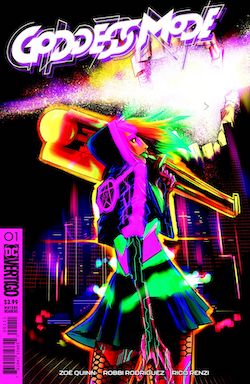
I've read this issue of Goddess Mode three times already and I honestly don't know where the book is going from here. Is it a Matrix-like story of a woman fighting for freedom in a virtual world? Is it a Brazil-like story of a cog in a bureaucratic machine who struggles against the social forces that are holding her back? Is it a Gibsonesque story of lawless frontier technology? I'm still not sure; it could be all three.
Goddess Mode begins in a virtual realm (it's described as "Everywhere. But also nowhere. Kind of.") where a warrior woman (who describes herself as "a barely functioning bundle of neuroses who can't master putting on a fitted sheet") fights a starfish-looking monster. But most of the book is the story of Cassandra Price, a "junior artificial intelligence support assistant" who gets swept up into a swirl of great expectations, both within her all-powerful corporation and without.
While it's not yet clear if Goddess Mode will be a liberation story or a Dick-ian exploration of self in a futuristic setting or an investigation of the emotional impact of video games (or, again, all three,) it is obvious that the book is good comics.
Quinn relays a lot of exposition with very little awkwardness, and Rodriguez's art is a fascinating blend of the futuristic (his tech looks lived in and unobtainable) and the organic (his skill at body language is remarkable.) The color palette for the book, by Rico Renzi, is a refreshing blend of turquoises and pinks and purples — less of a sterile iPhone future and more of a neon smear.
A caption box at the end of this issue of Goddess Mode promises a few answers to some of the most nagging narrative questions in the next issue — mainly, what's with the team of fierce warriors who show up to recruit Price at the end of the issue? With this first chapter, Quinn and team have earned the right to keep readers guessing for a while longer.
Tomi Kilgore at Marketwatch writes:
Barnes & Noble Inc.’s list of 20 top holiday gift ideas in five categories includes several types of socks, some mittens, Mickey Mouse speakers and a Buddha board for “live-in-the-moment” painting, but only one book and no reading devices, not even its own Nook e-reader.
How embarrassing for Barnes & Noble.
Later this week, you will be able to buy tickets for the local leg of Michelle Obama's Becoming book tour. She'll be talking about her memoir with an unspecified guest on February 8th.
Because Ticketmaster is nothing less than pure evil, you have to apply for presale access before 10 pm tonight, and then presale access goes live on Friday, December 14th. Then everyone else will be able to try to get tickets on Saturday, December 15th. Good luck with that. Buying from Ticketmaster is always a nightmare, so be sure to leave extra time for the system to fail several times before you eventually get tickets — if you eventually get tickets.
Is this the first author event to happen at the Tacoma Dome? I really can't remember it ever happening before. It makes sense that Obama would be the first reader to crack that venue, though — Becoming is indisputably the biggest book of the year.
